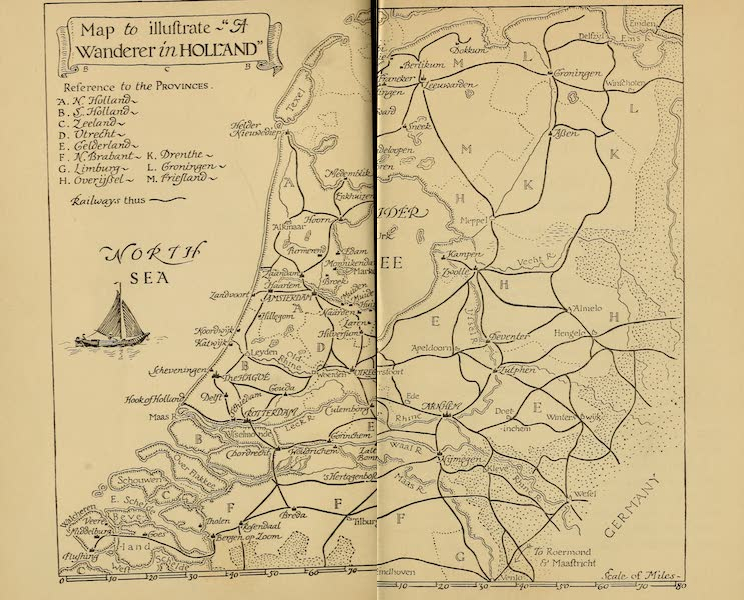 |
|
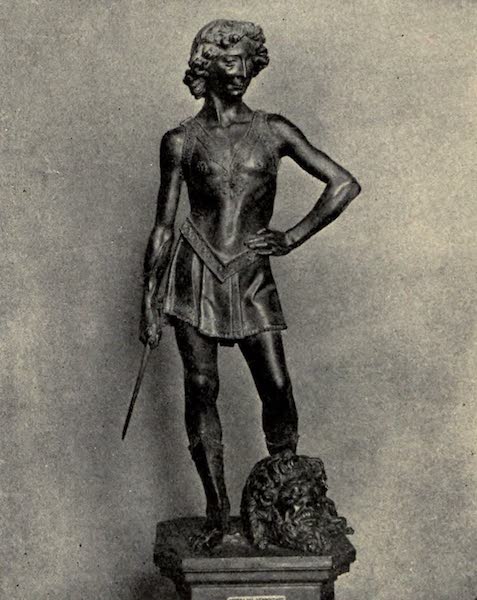 |
|
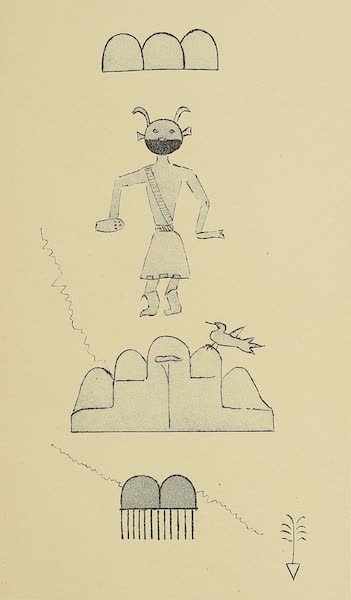 |
|
 |
|
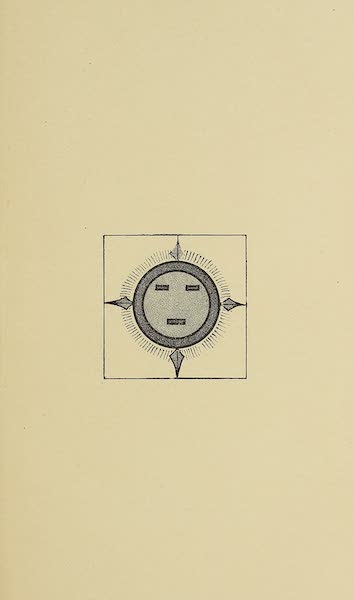 |
|
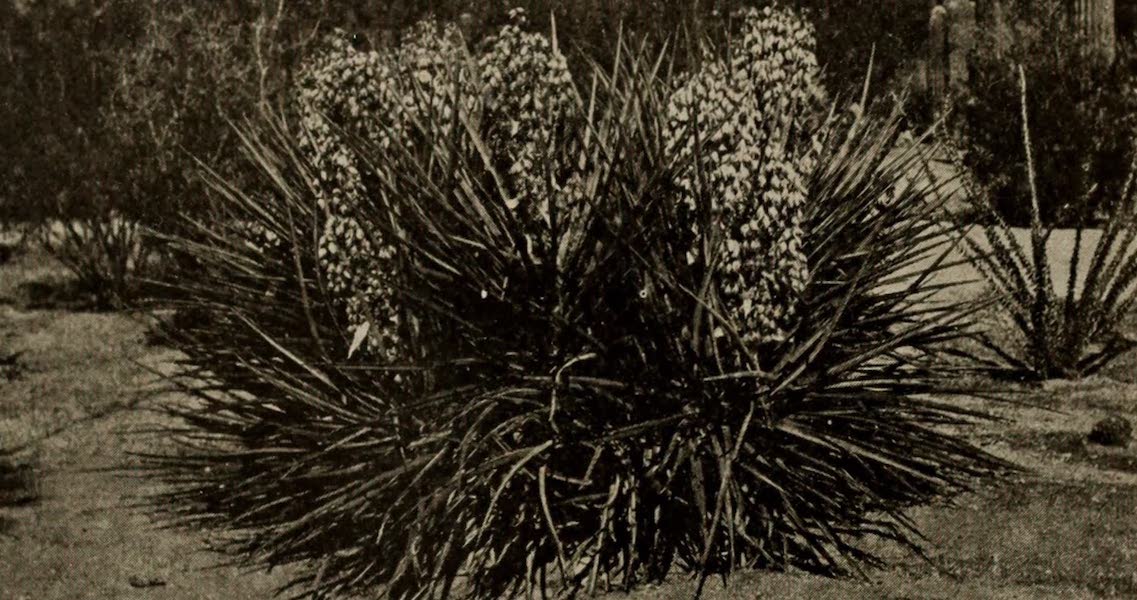 |
|
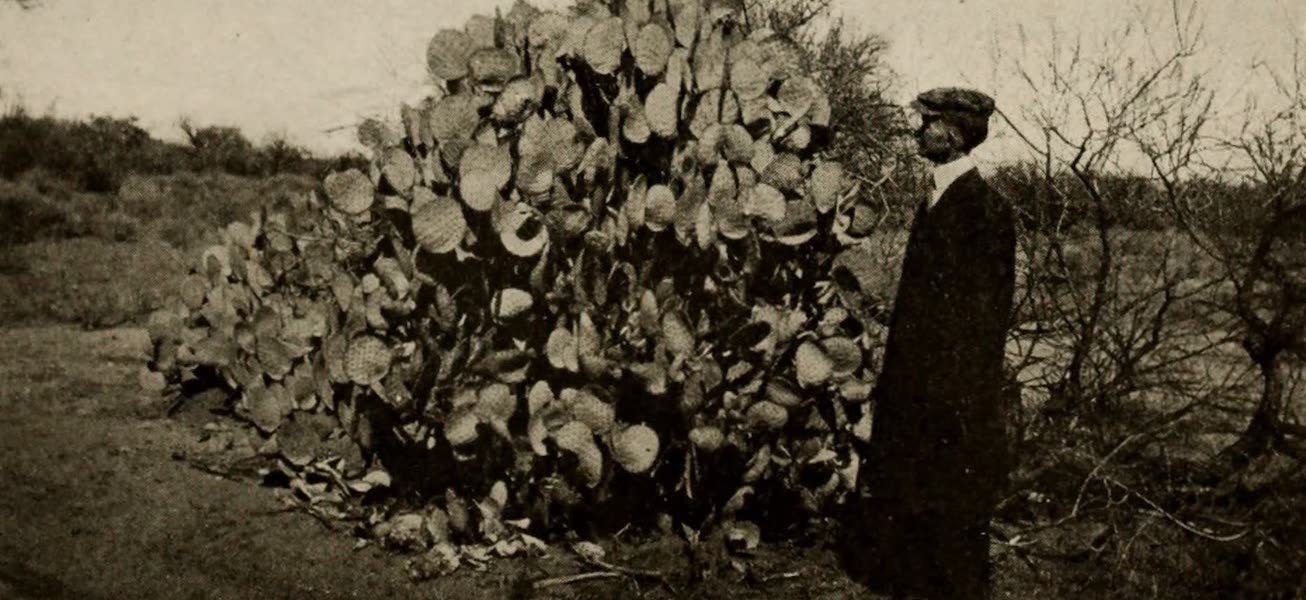 |
|
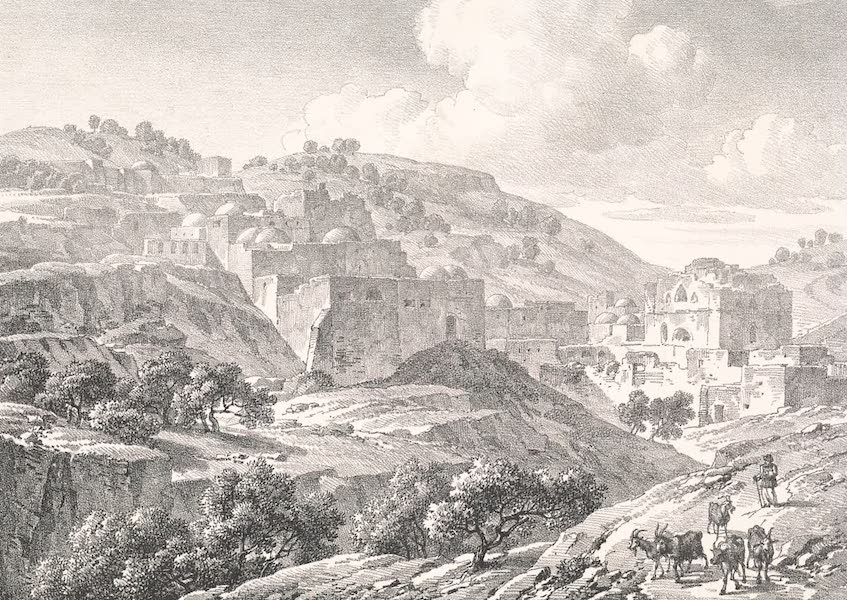 |
|
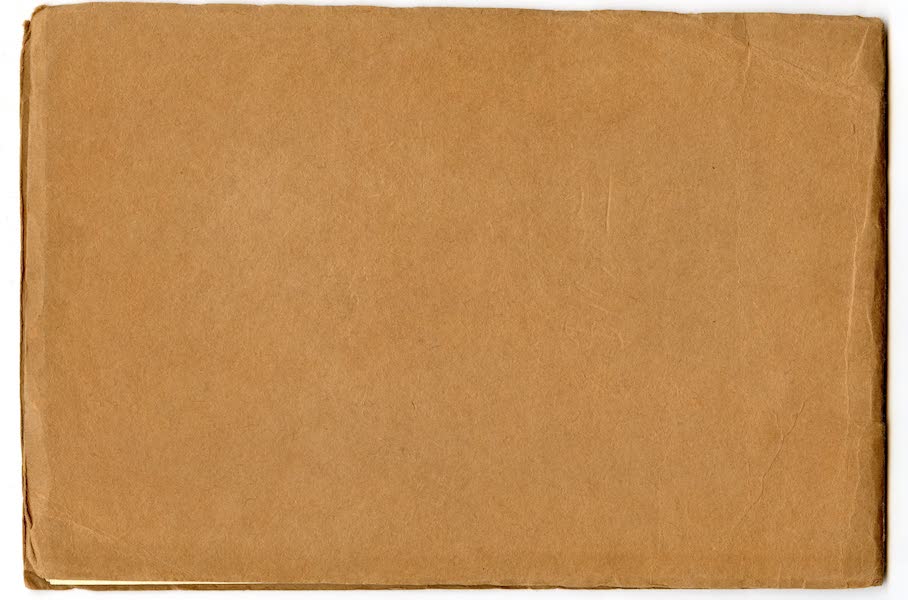 |
|
 |
|
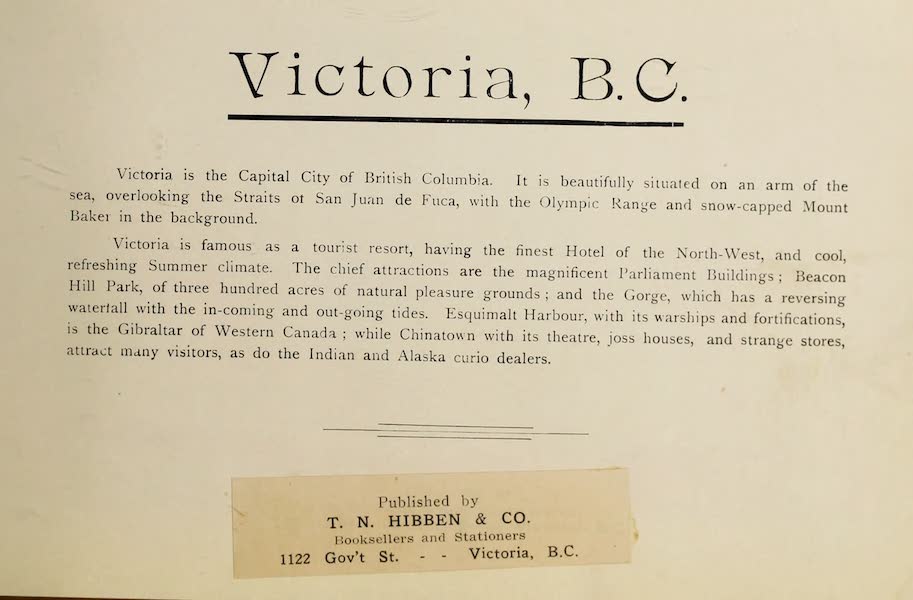 |
|
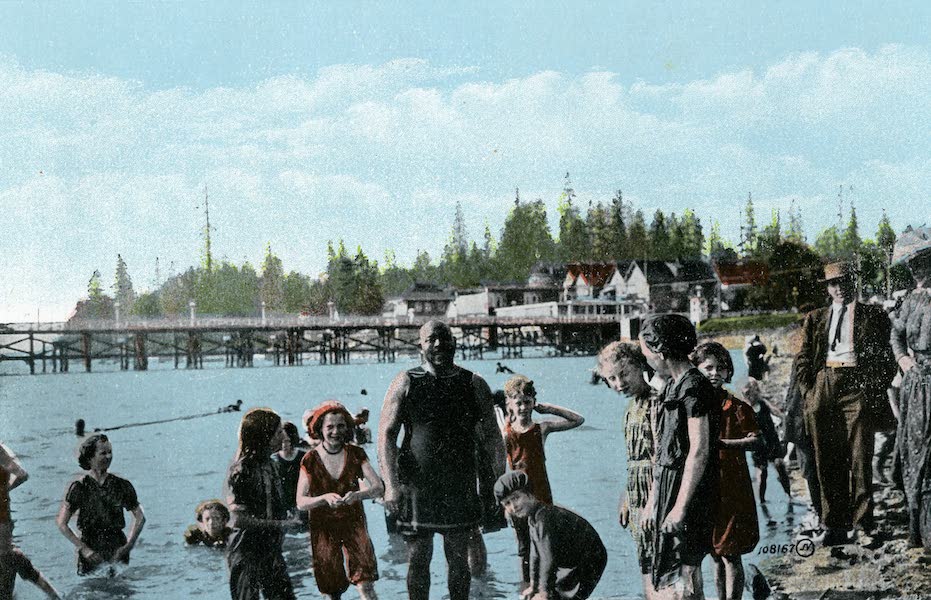 | "Joe," English Bay
|
 | "Mystery"-a Study in the Roustchouk District
|
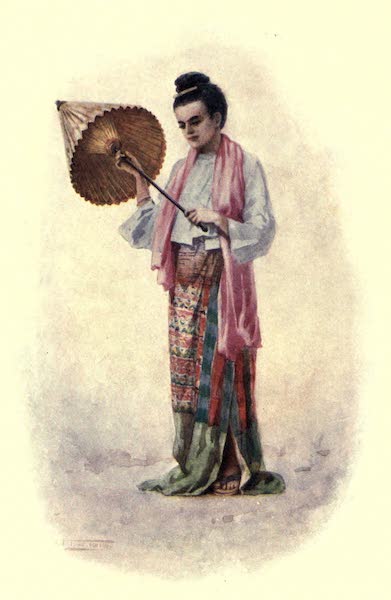 | "A Daintily-Clad Burmese Lady"
|
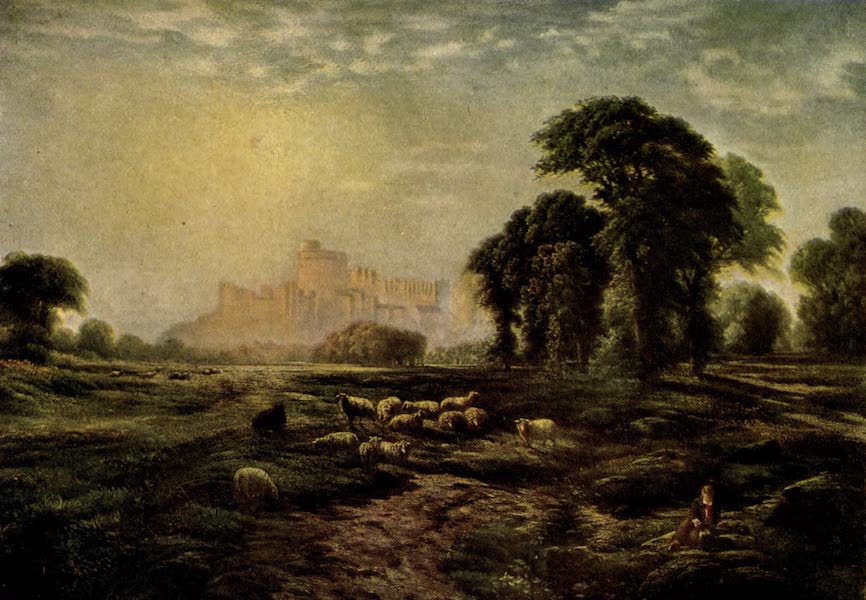 | "A Distant View of the Towers of Windsor"
|
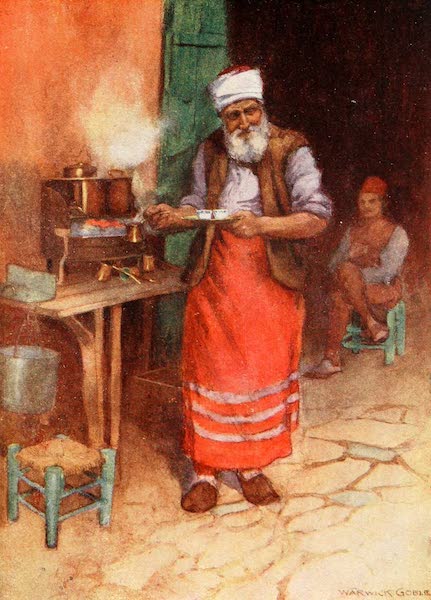 | "A Kafedji"
|
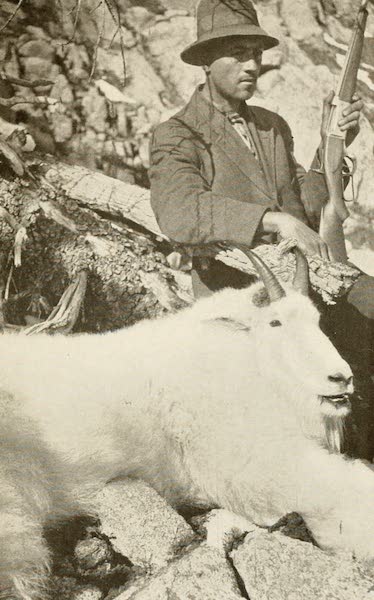 | "Big Billy," the "Record" Mountain Goat
|
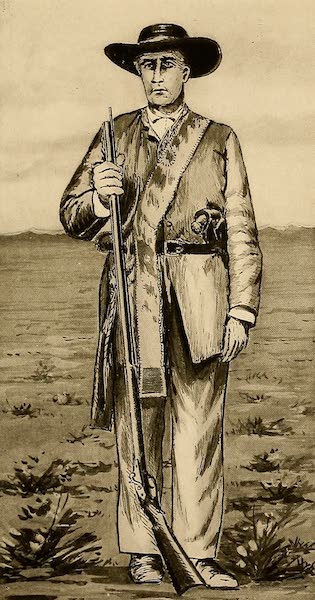 | "Big Foot" Wallace
|
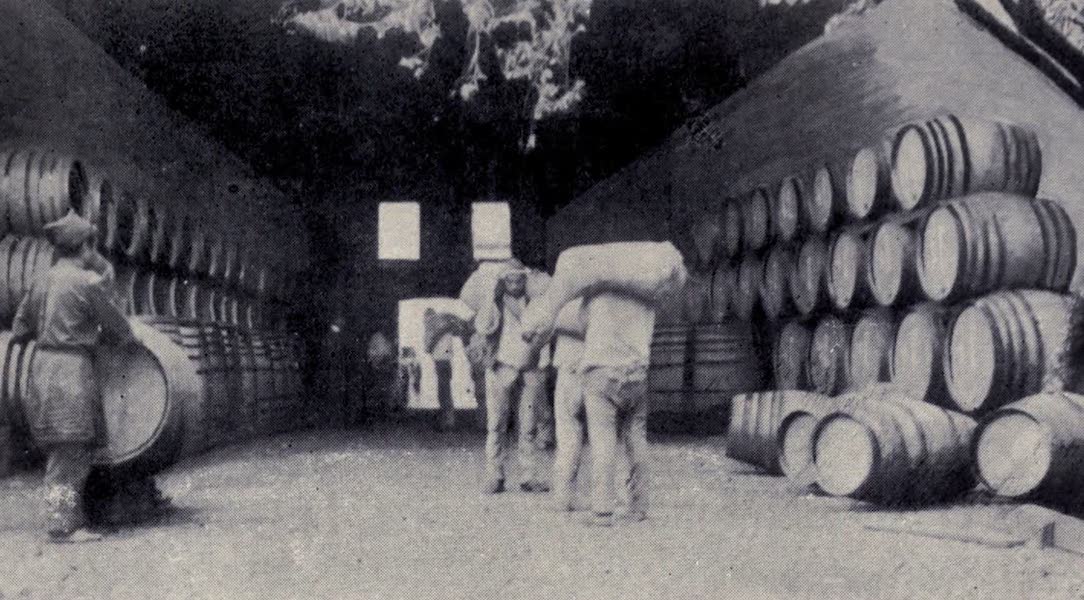 | "Borachos," or Wine Skins
|
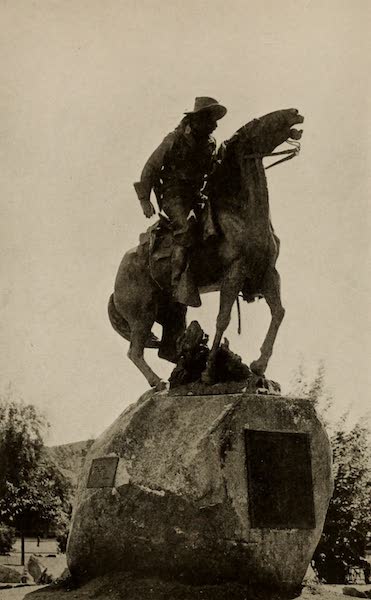 | "Bucky" O'Neil Monument, in the Plaza, Prescott, Arizona
|
 | "C" Beach, August 8
|
 | "Carmino," Falmouth
|
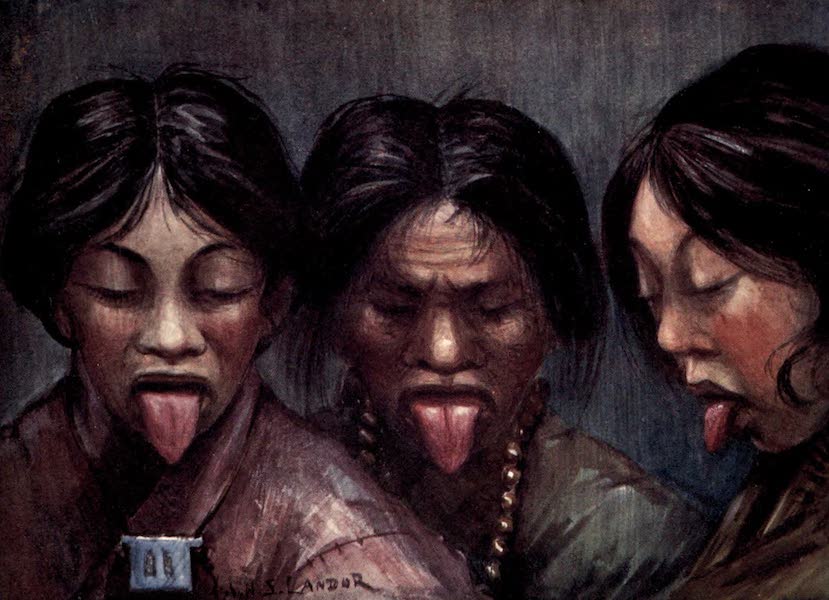 | "Chakzal, Chakzal" - the Tibetan Salutation
|
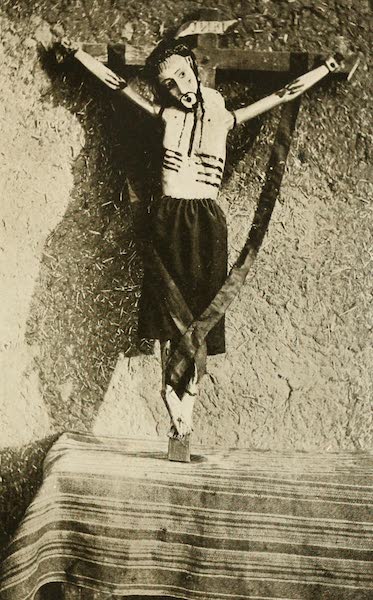 | "Christ on the Cross," in the Morada at Taos
|
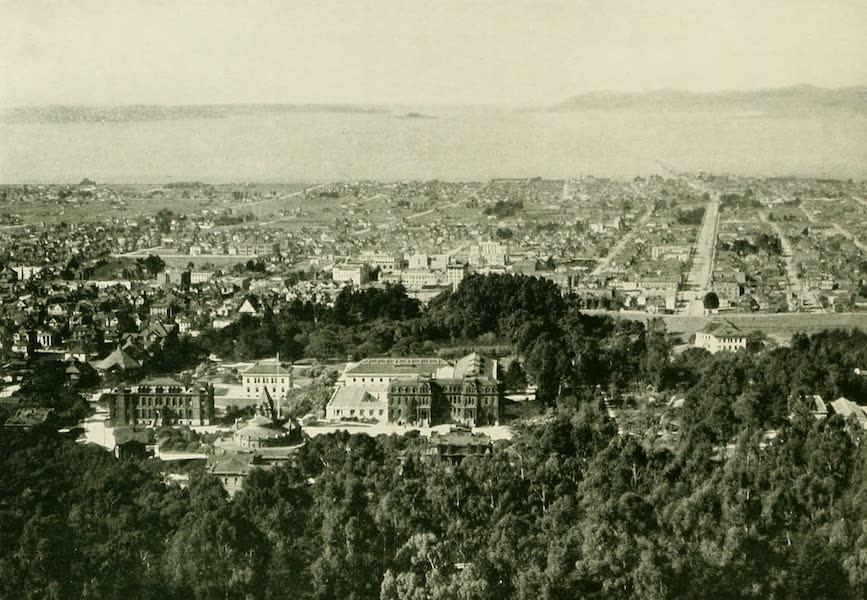 | "Classical, scholar-built Berkeley"
|
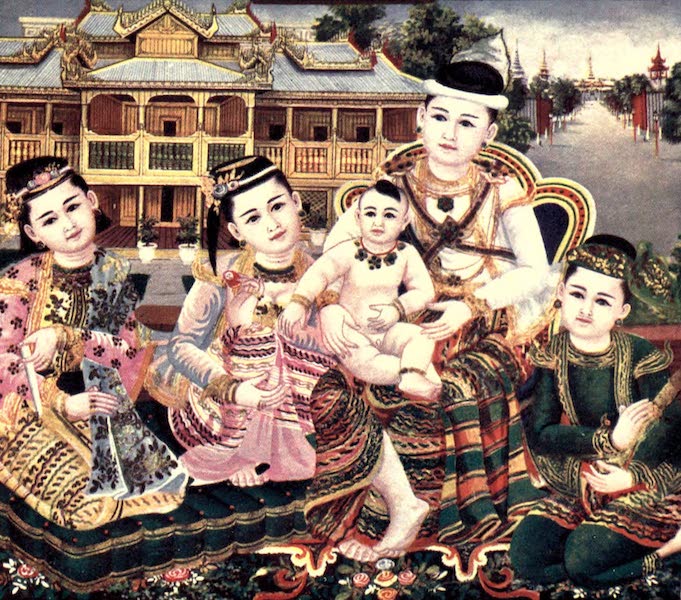 | "Domestic Felicity" (from a Burmese Painting)
|
 | "En Promenade"
|
 | "Four-posters and the Things of Four-poster Days"
|
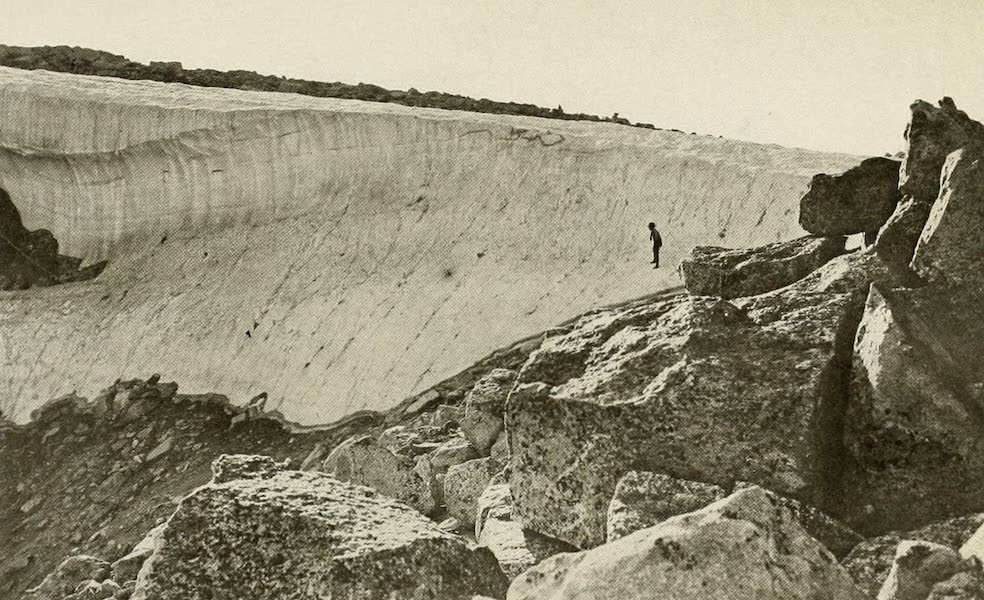 | "Glaciated snows . . . imprisoned by some vendetta-spirited Mountain"
|
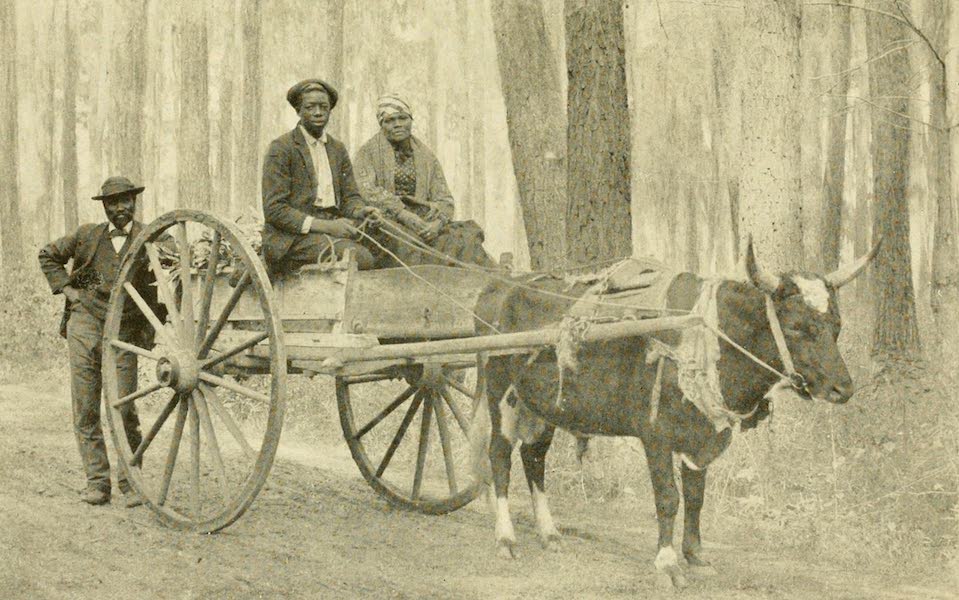 | "Going to Town"
|
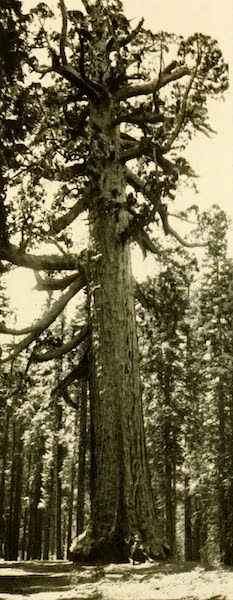 | "Grizzly Giant," Mariposa Grove, California
|
 | "I'll Shoot You if You Drop that Box!"
|
 | "In a Barren and Dry Land, where no Water is"
|
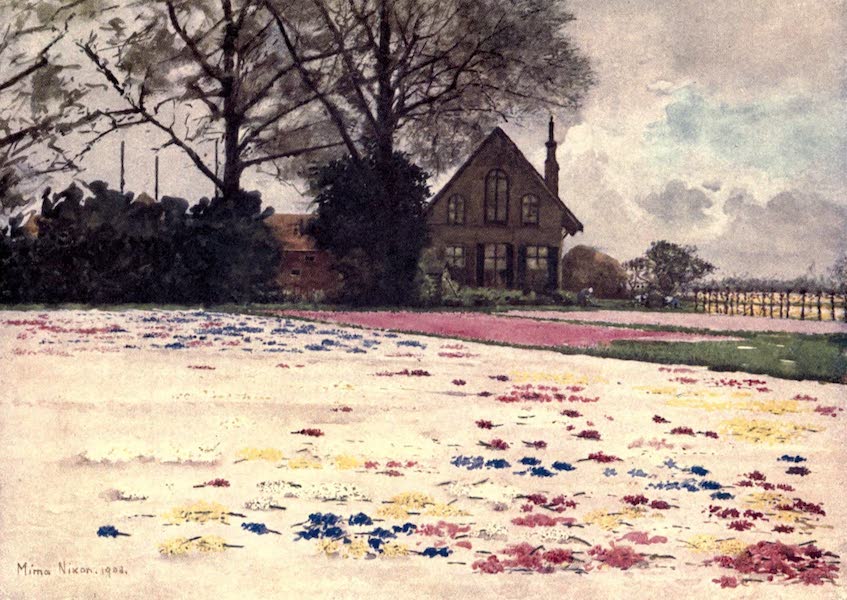 | "In emerald tufts, flowers purple, blue, and white,"
|
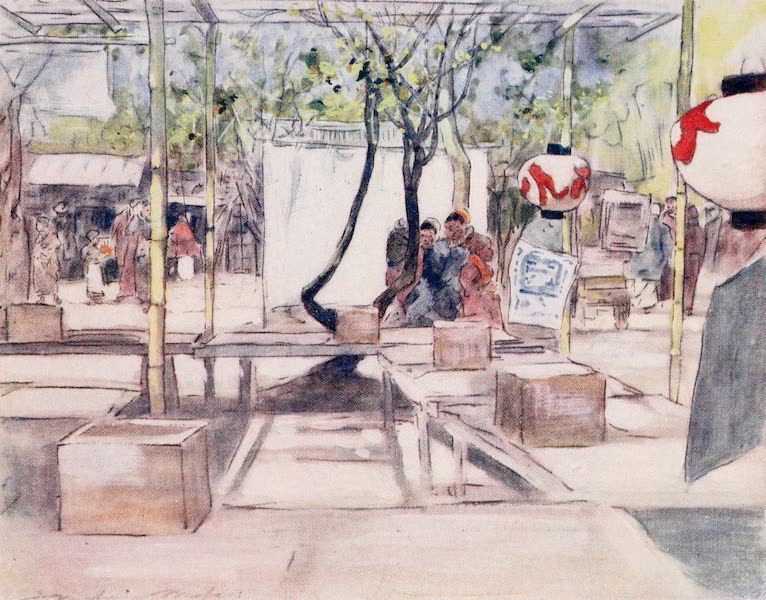 | "In the Eye of the Sun"
|
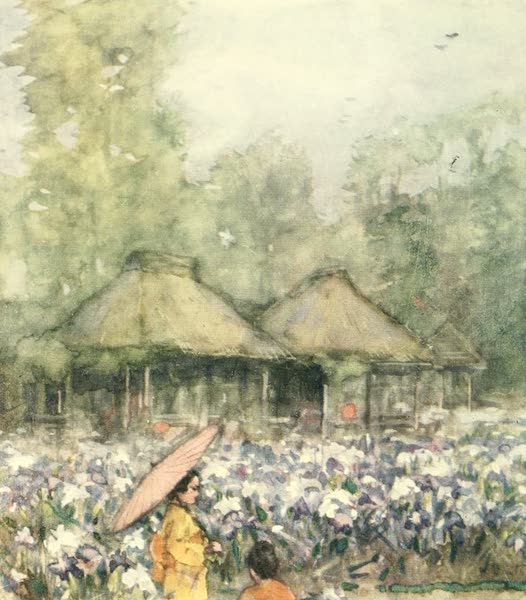 | "In the Ponds ... glow with many shades of pink to blue-purple, blue to grey, and mauve to purest white, the messengers between the gods and men
|
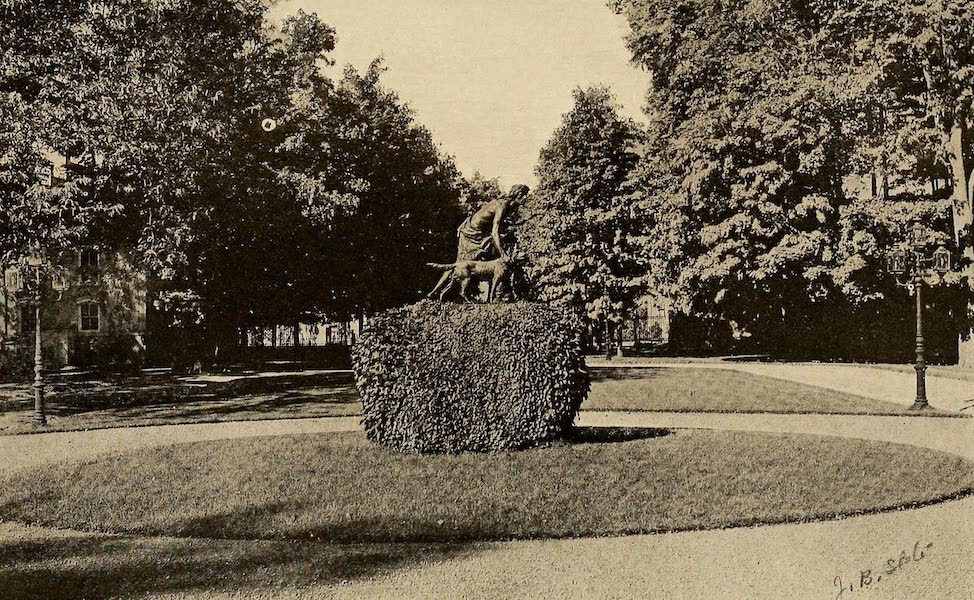 | "Indian Hunter," Cooperstown
|
 | "Iron-Clad" on Wheels, Used in War
|
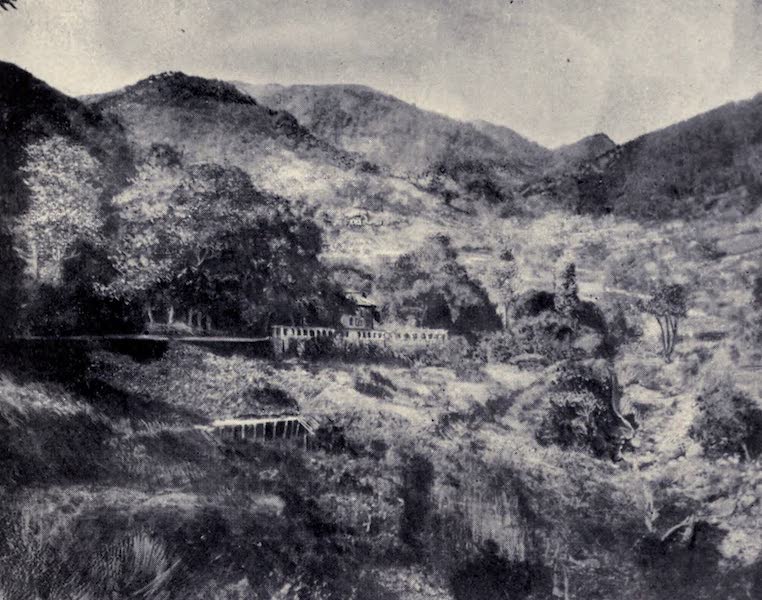 | "Jardim da Serra"
|
 | "Just the Wild Beauty of the Shores, the Noble Expanse of the Stream, ... and Gadabout"
|
 | "Little Boats Were Nosing Into the Bank Here and There"
|
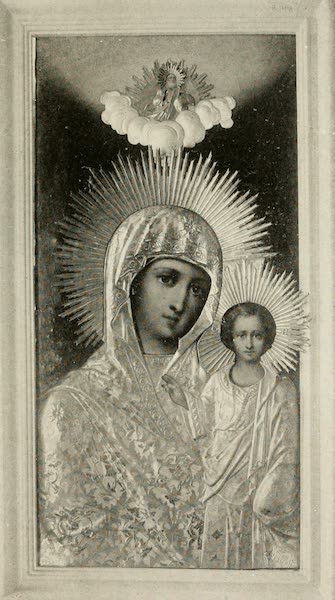 | "Madonna and Child," in the Greek Church, Sitka
|
 | "McCaig's Folly," Oban
|
 | "Medicine Man" By Cyrus E. Dallin
|
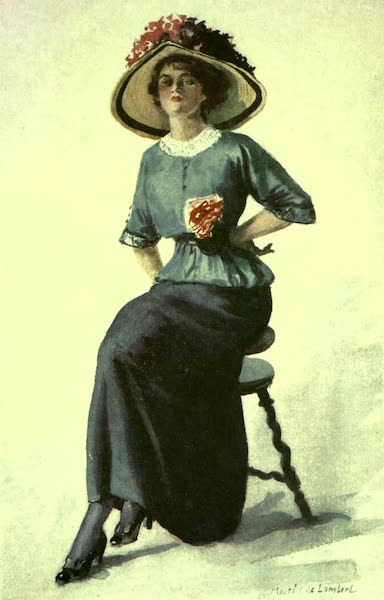 | "Monmartroise"
|
 | "Mush on, You Huskies"
|
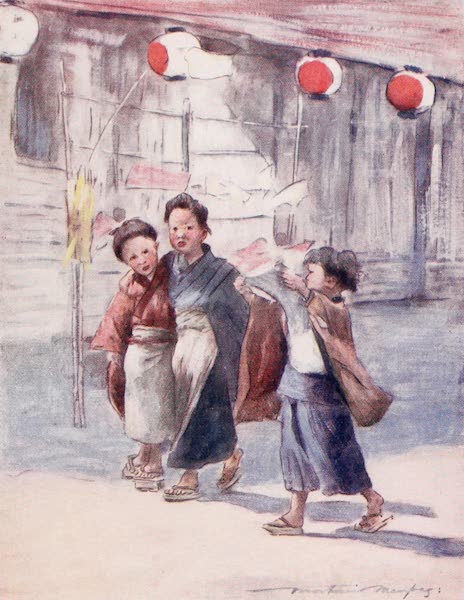 | "News"
|
 | "Occasionally a Little Lake Appears"
|
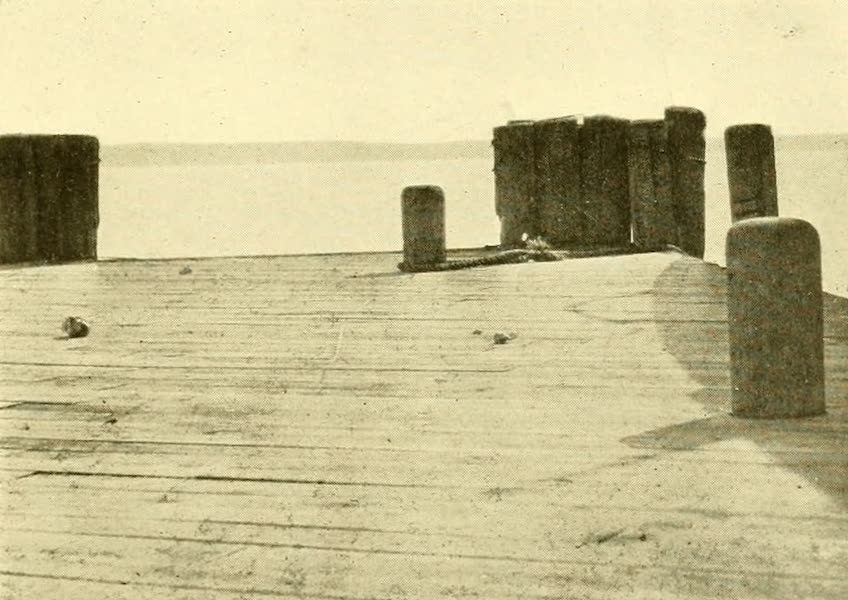 | "Often ... the Wandering Houseboat Comes Along to Find Only An Empty Pier"
|
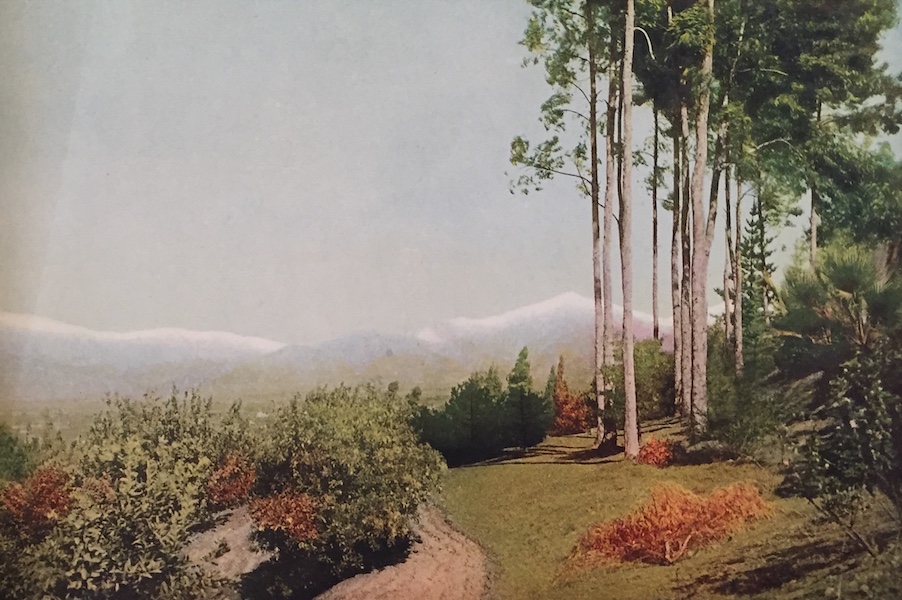 | "Old Baldy" From Smiley Heights, California
|
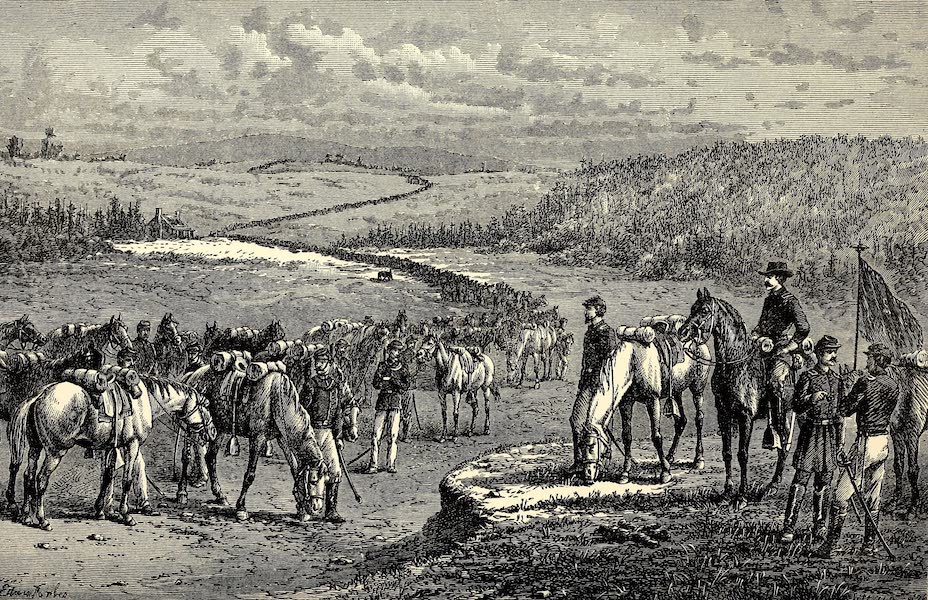 | "Ours", 1864, Army of the Potomac
|
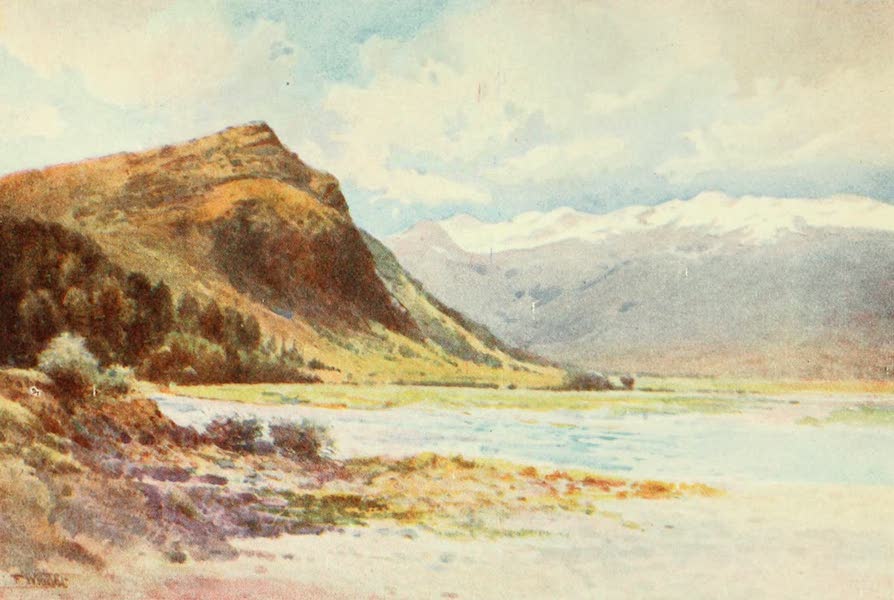 | "Paradise," Lake Wakatipu
|
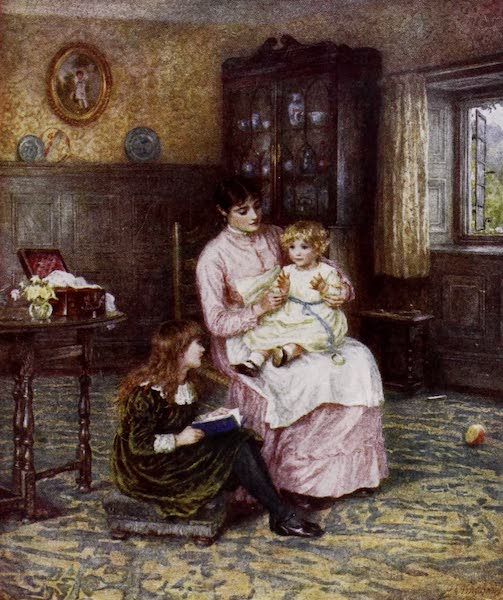 | "Pat-a-Cake"
|
 | "Pigs, Peas and Alfalfa"
|
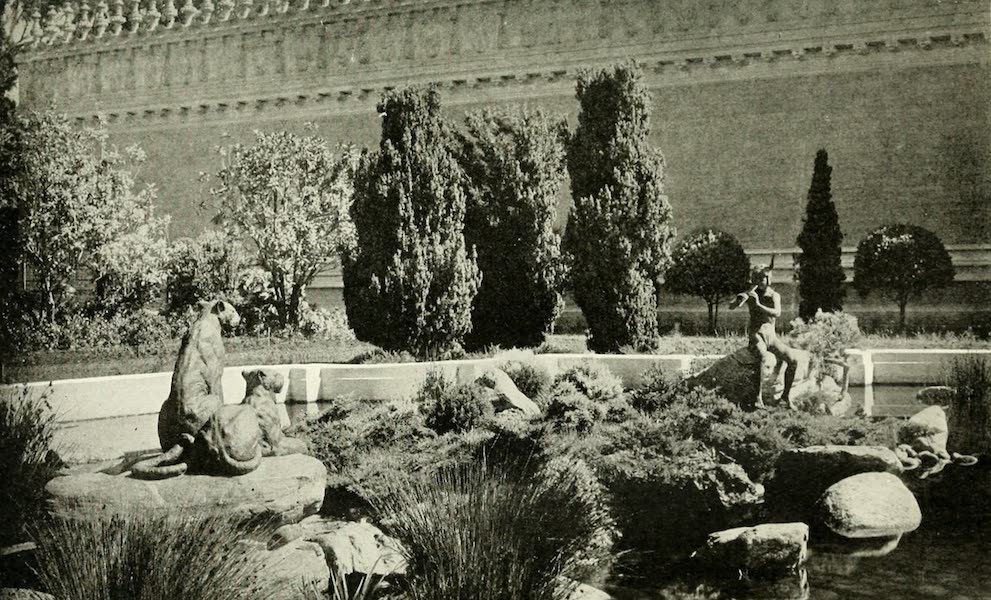 | "Pool of Enchantment" By Melvin Earl Cummings
|
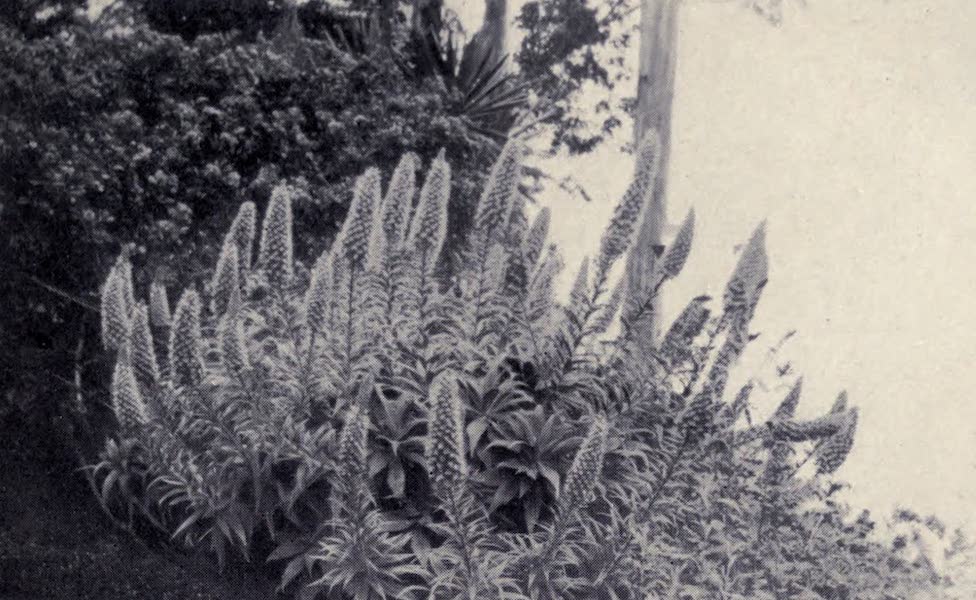 | "Pride of Madeira"
|
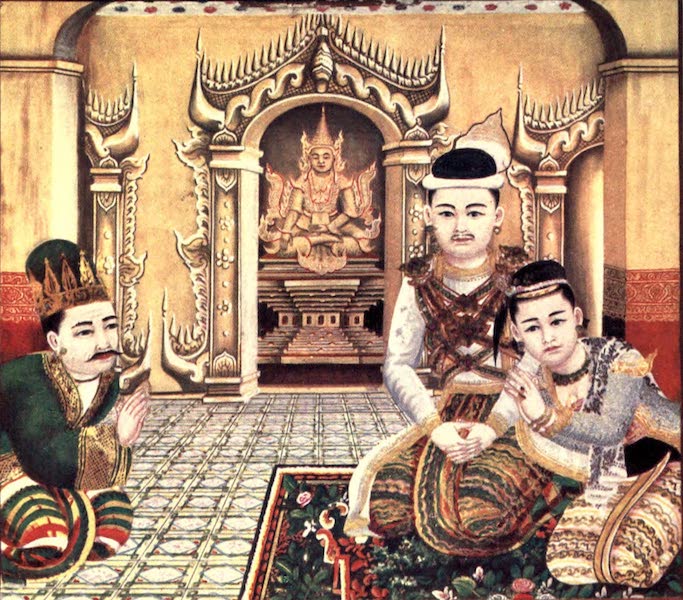 | "Pya-shikoh" (from a Burmese Painting)
|
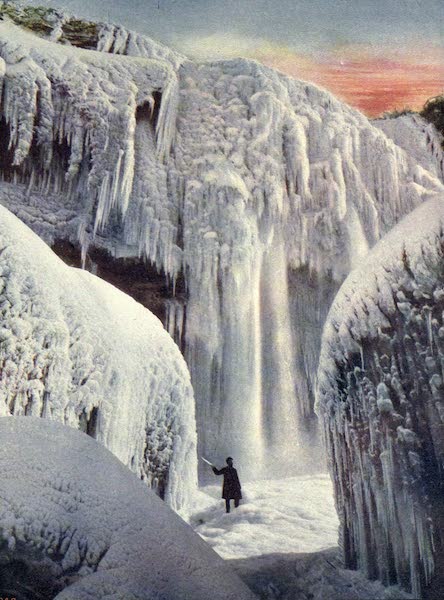 | "Rock of Ages" in Winter
|
 | "Staging in 1849"
|
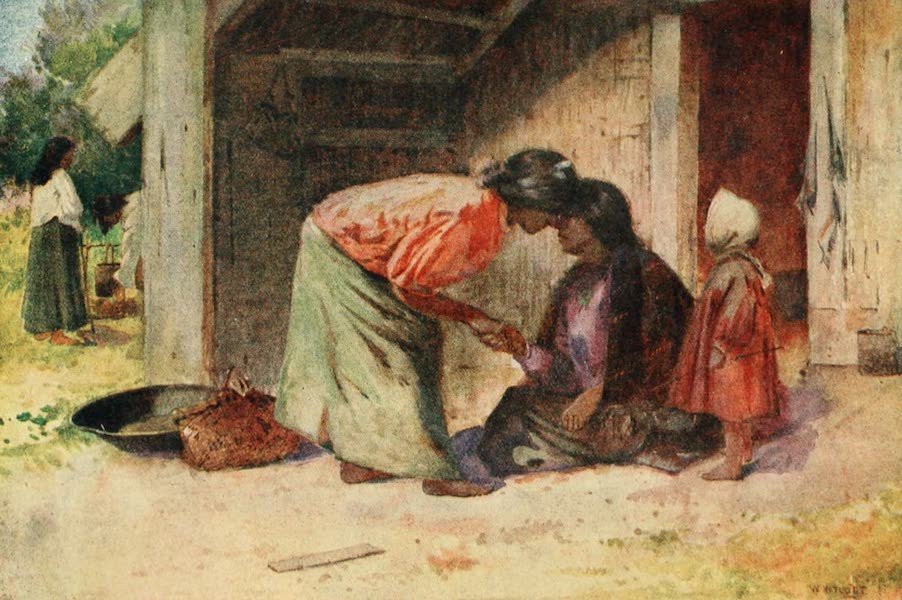 | "Te Hongi"
|
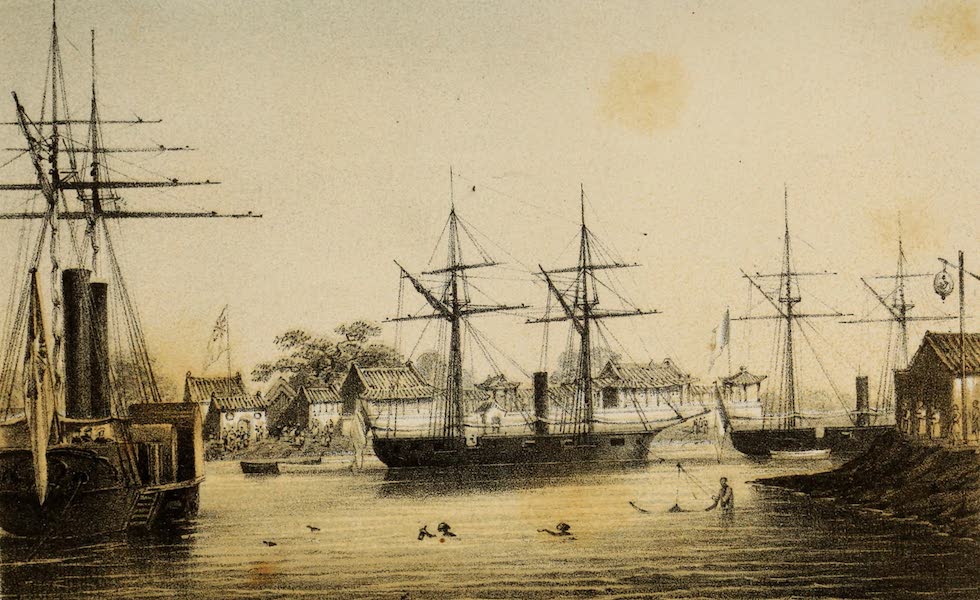 | "Temple of Supreme Felicity". Residence of the Allied Missions at Tientsin
|
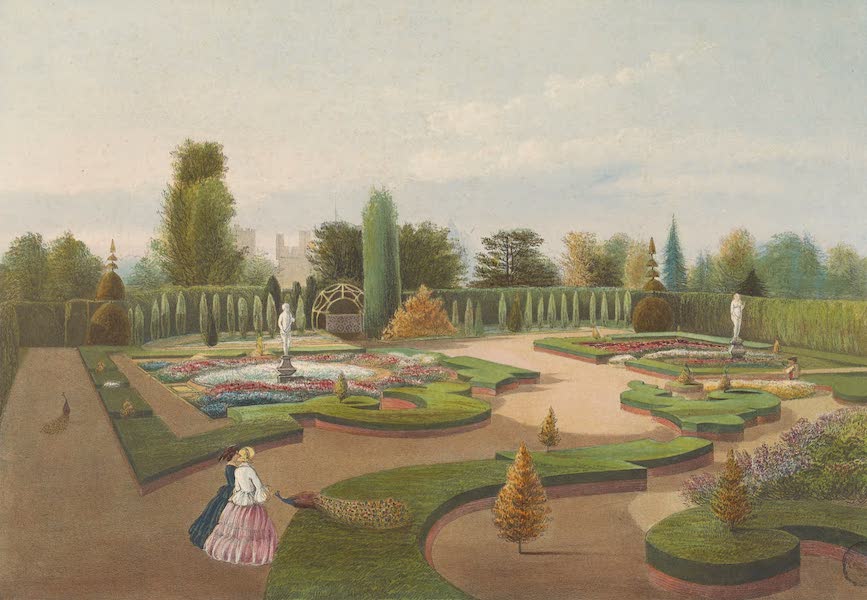 | "The Alhambra Garden", Elvaston Castle
|
 | "The Black Stone" (Michigan Avenue and Hubbard Court)
|
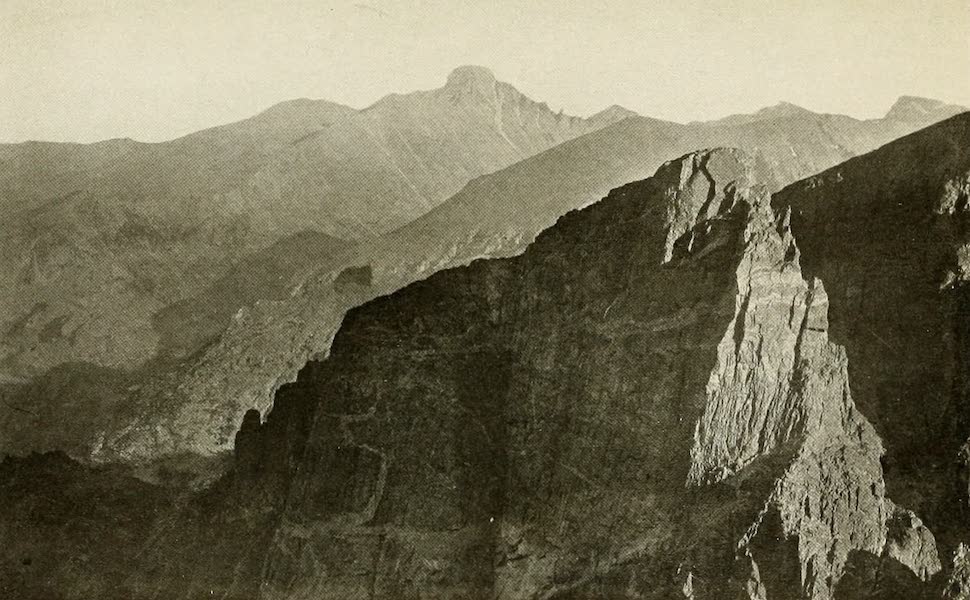 | "The cataclysmal work of the Master Fates"
|
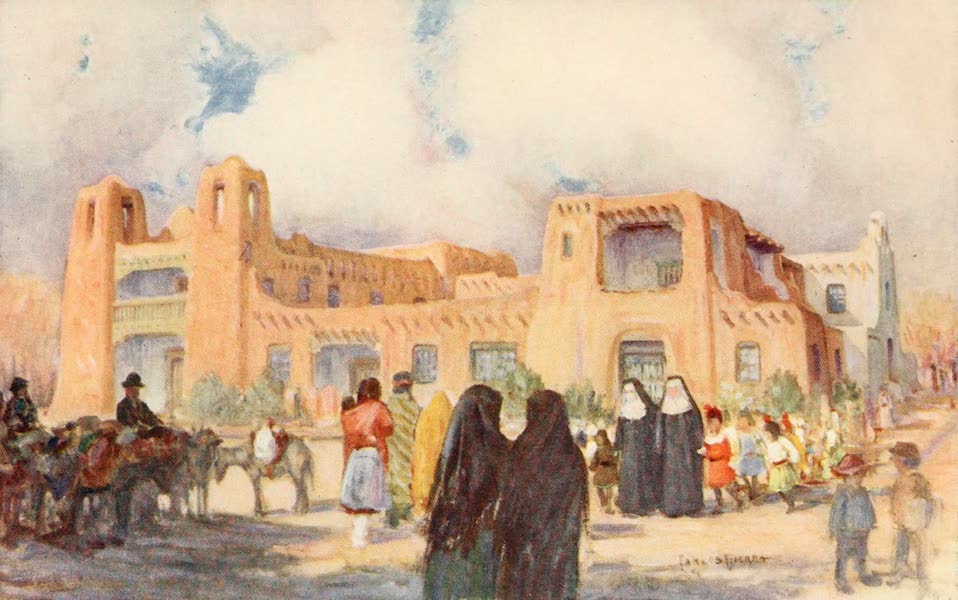 | "The Cathedral of the Desert" : Museum and Auditorium, Santa Fe
|
 | "The Center of the Earth," Lost River
|
 | "The Centre of the Universe" - Mandalay
|
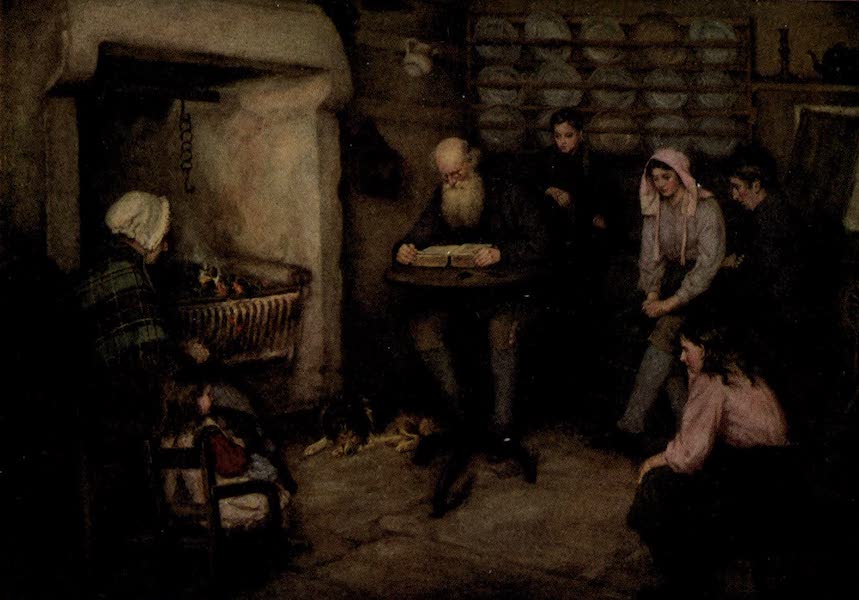 | "The Cotter's Saturday Night"
|
 | "The Dragon's Mouth"
|
 | "The Fox", Chief of the Plain Crees
|
 | "The Lady of the Woods"
|
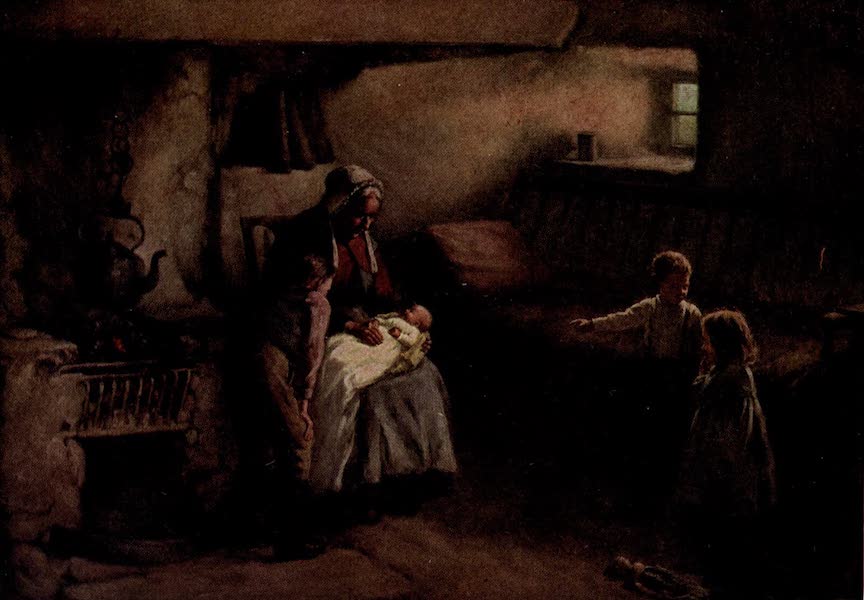 | "The New Arrival"
|
 | "The Parterre", Castle Howard
|
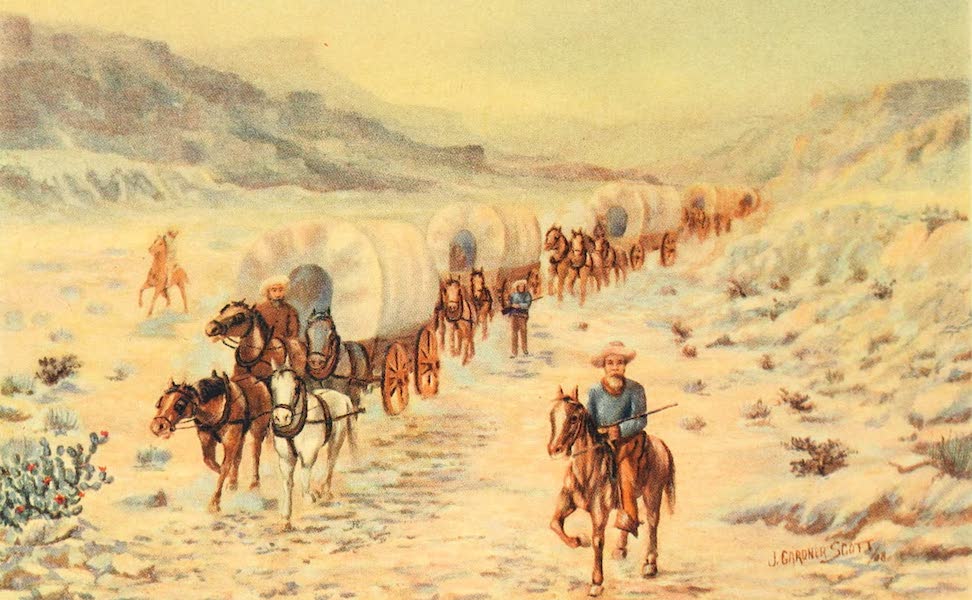 | "The Salt Lake Trail"
|
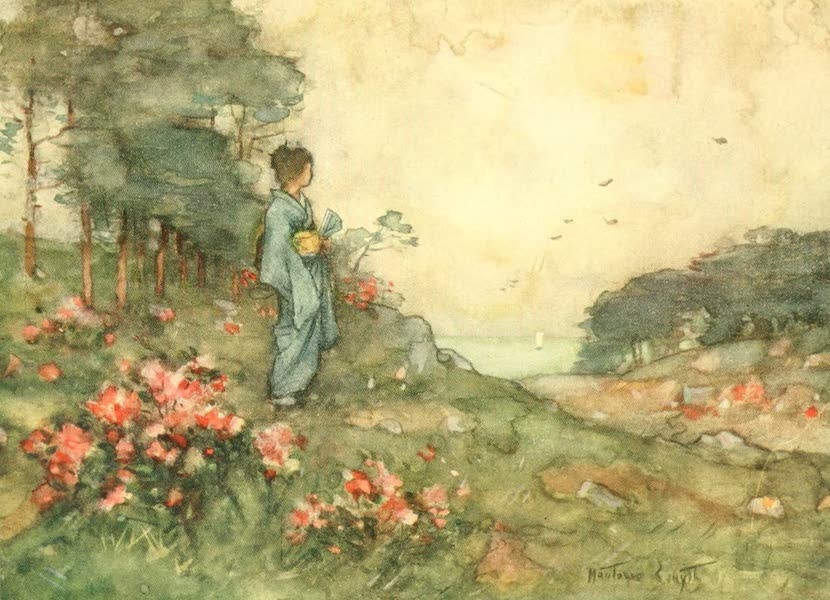 | "Then there are the scarlet, pink, and white Azaleas ... which glint at one on the hill-sides amidst the trees ..."
|
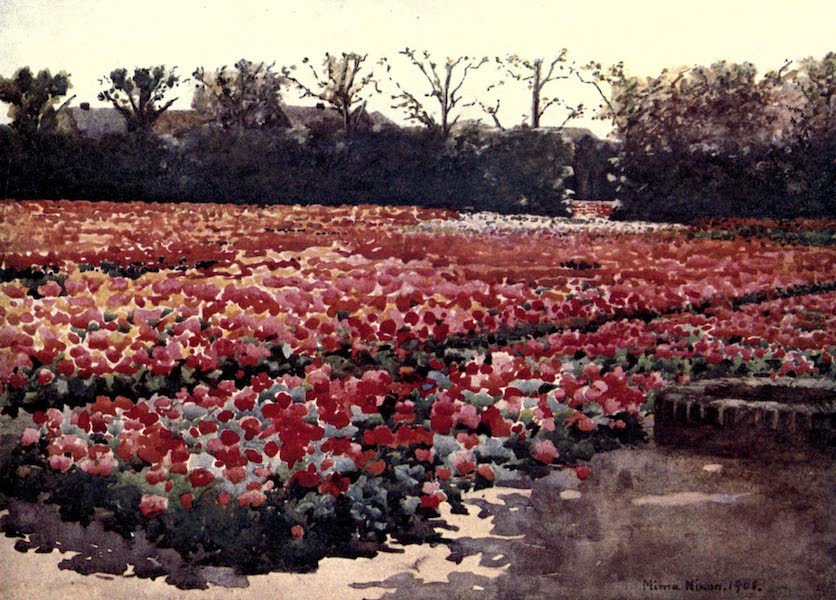 | "They spring, they bud, they blossome fresh and faire, and decke the world with their rich pompous showes"
|
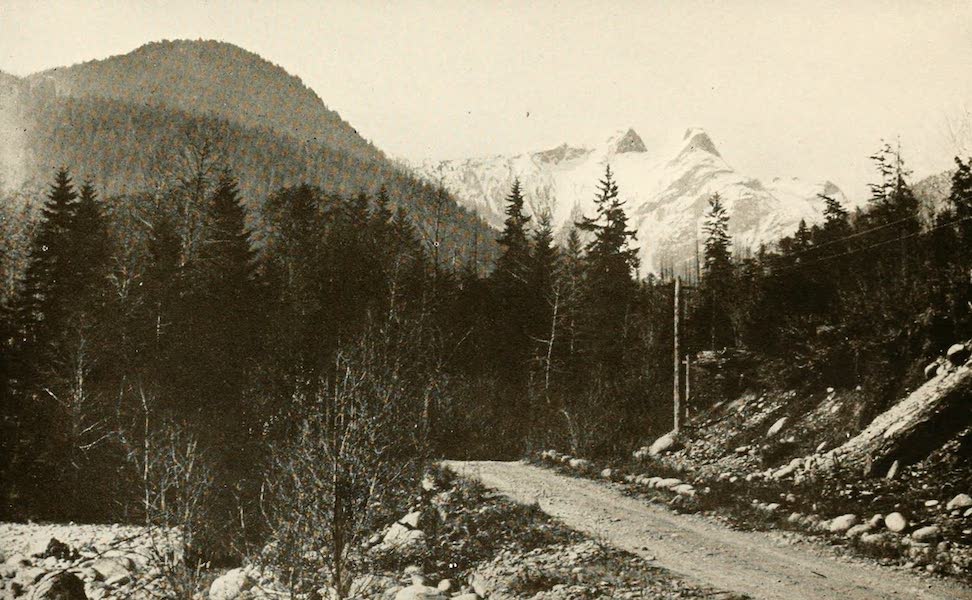 | "Two Sisters" guarding Vancouver Harbour
|
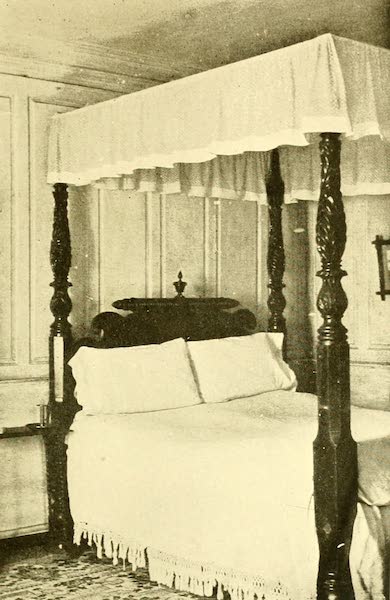 | "Venerable Four-posters, Richly Carved and Dark"
|
 | "Vermont" and "Wawona," Mariposa Grove, California
|
 | "Villino Nair"
|
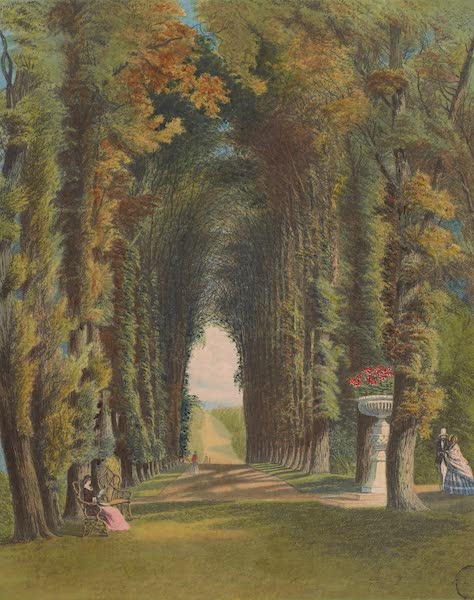 | "Vista", in the Gardens at Teddesley
|
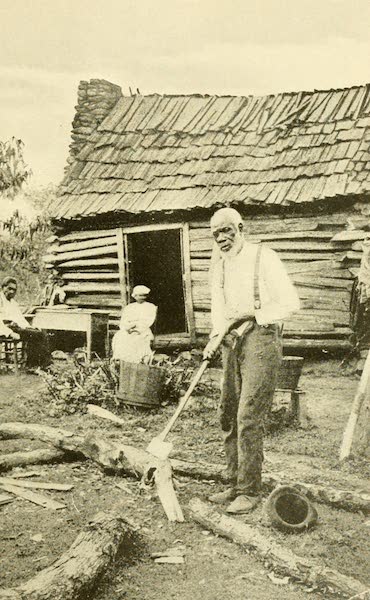 | "Way down upon the Suwanee River"
|
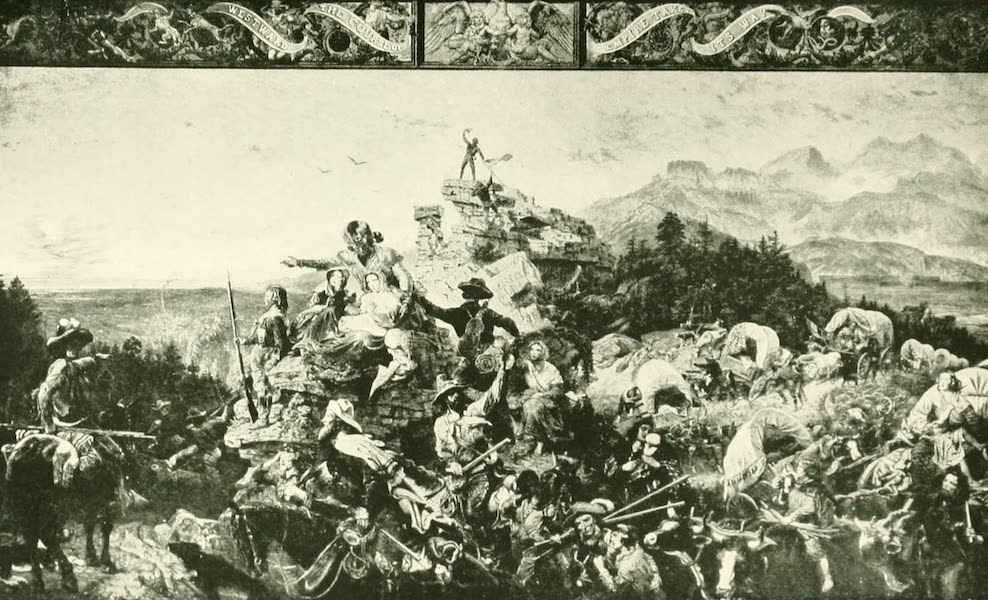 | "Westward the Course of Empire takes its way"
|
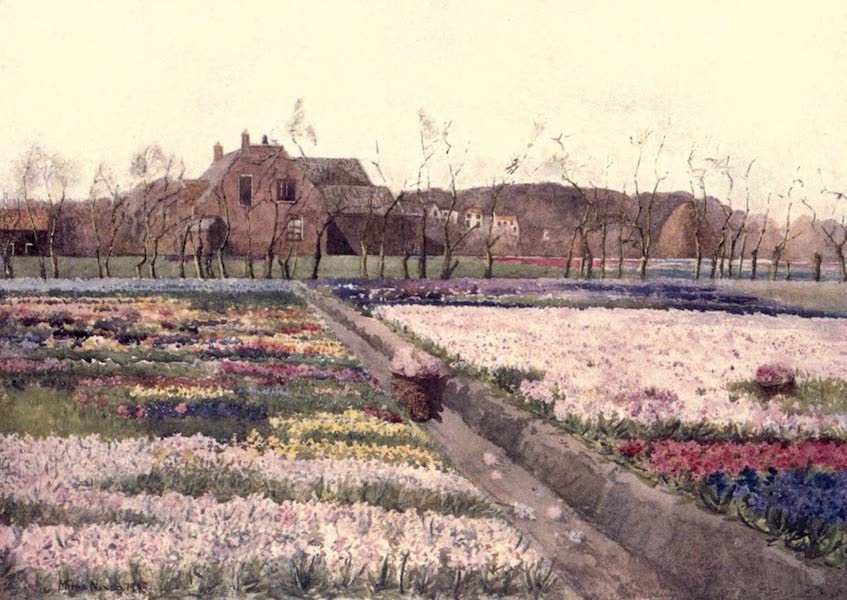 | "When Spring unlocks the flowers to paint the laughing soil"
|
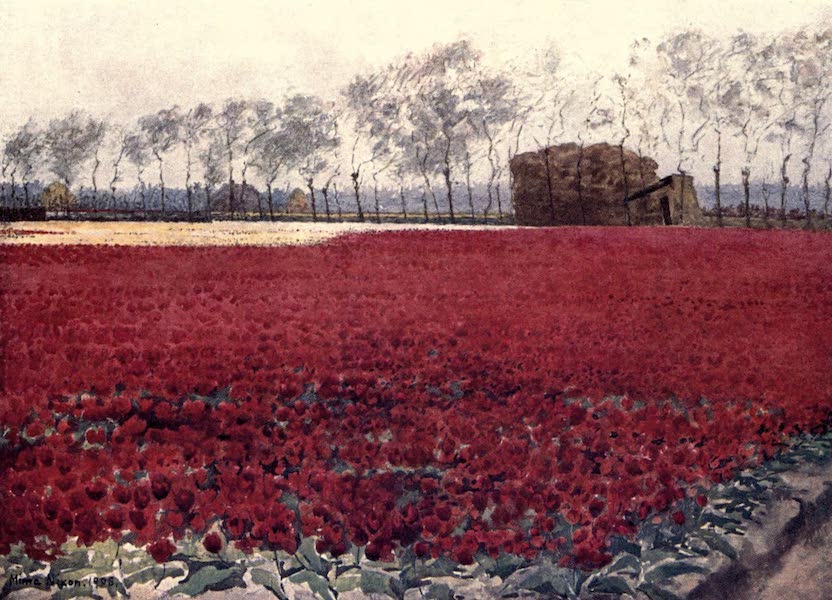 | "Whose leaves with their crimson glow Hide the heart that lies burning and black below"
|
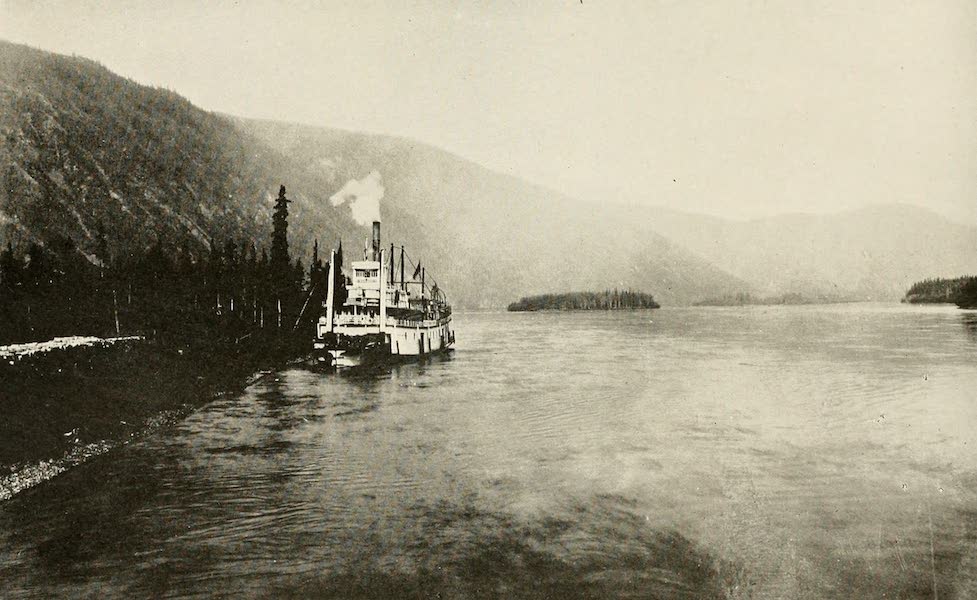 | "Wooding Up"
|
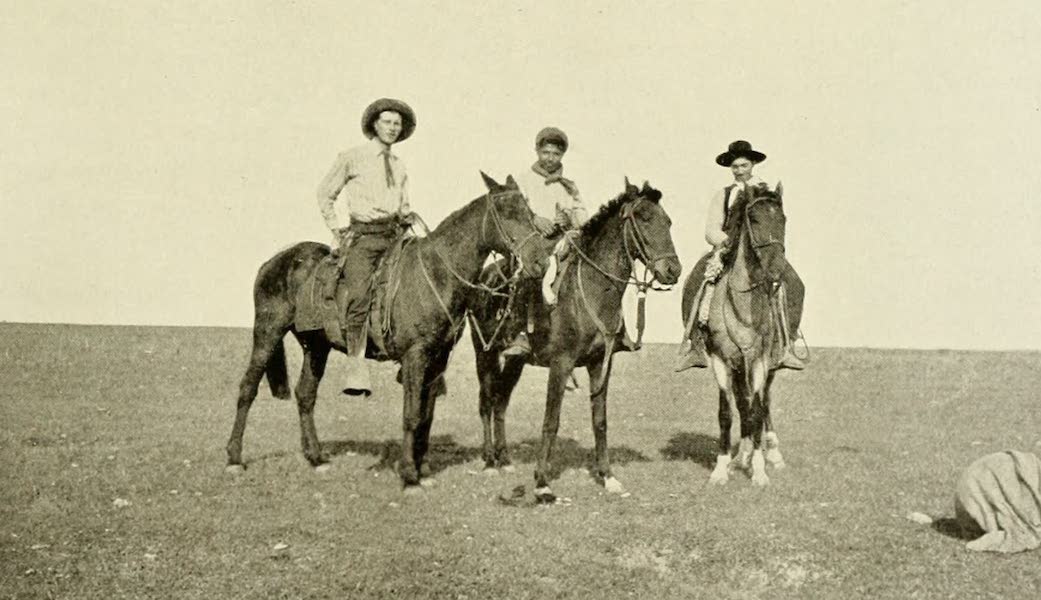 | &34;After Cattle&34;
|
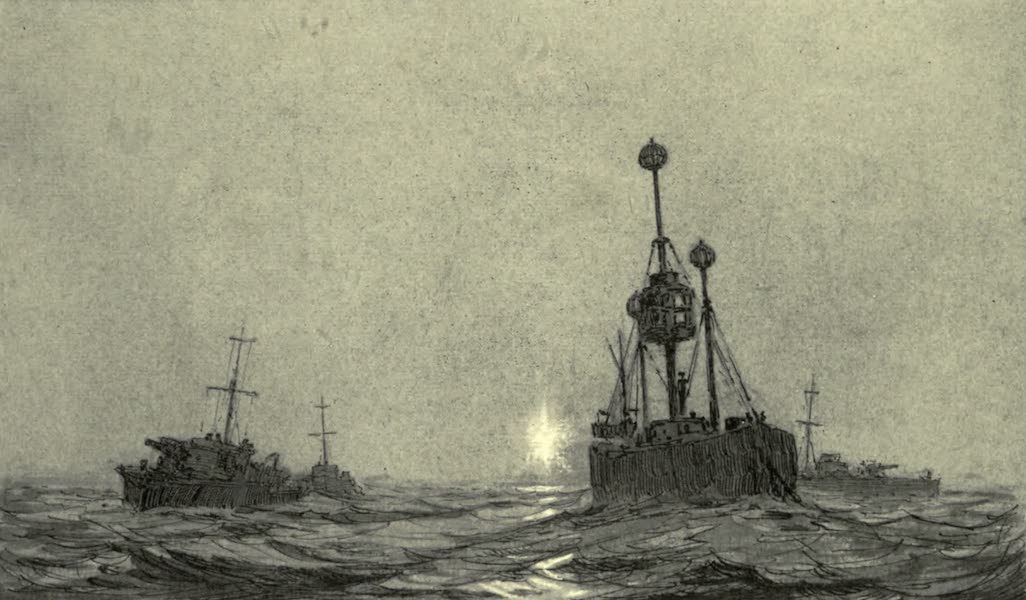 | &34;America has declared War&34;
|
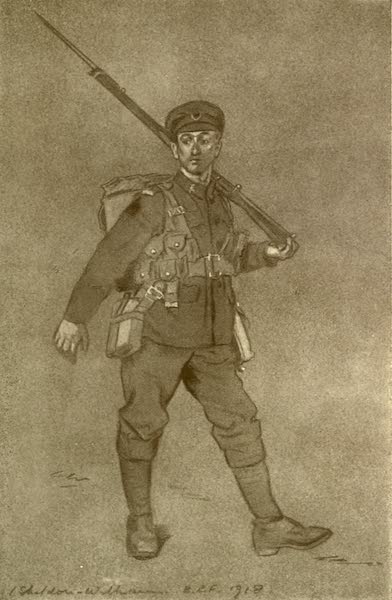 | &34;Eyes - Right!&34;
|
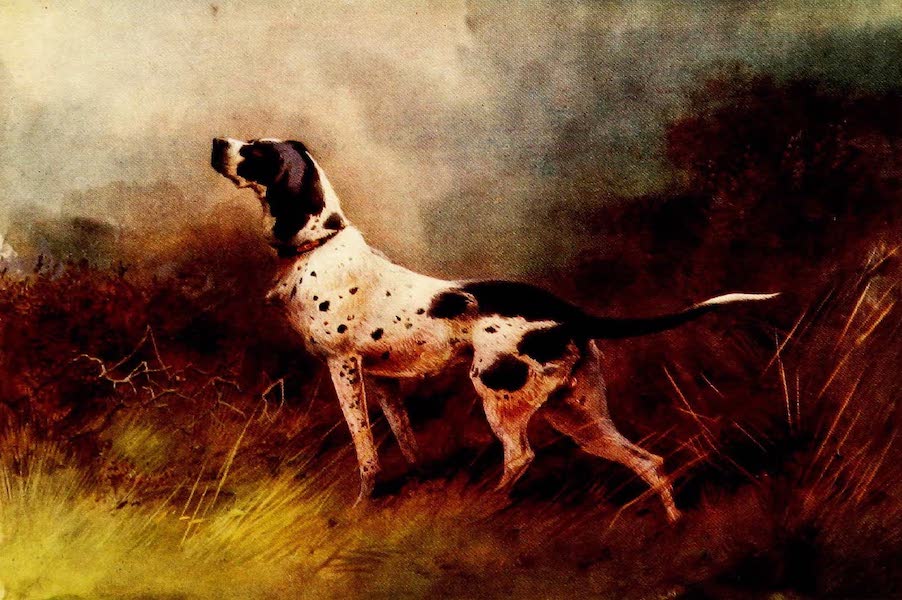 | &34;Getting the Wind&34;
|
 | &34;Grade &34; Number One Hard&34;
|
 | &34;House of Cola di Rienzo,&34; by Ponte Rotto
|
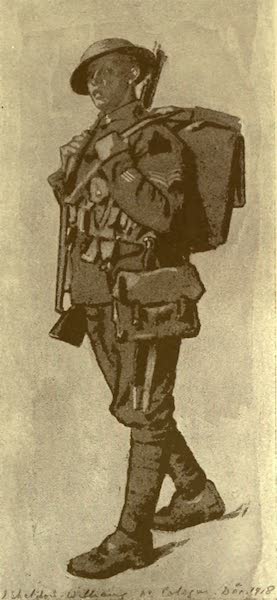 | &34;I cleaned up the Alleman faction ...&34;
|
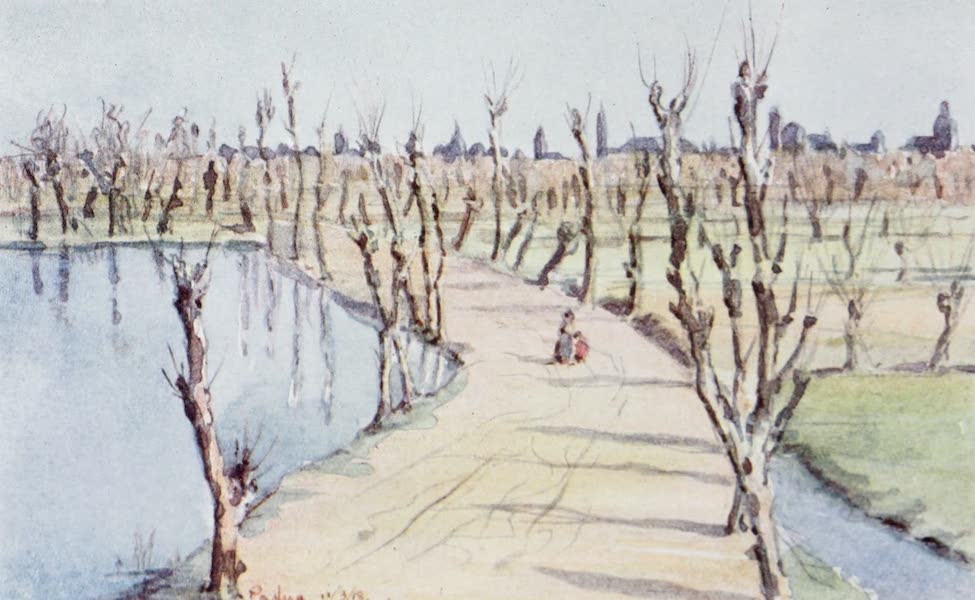 | &34;Many-domed Padua&34;
|
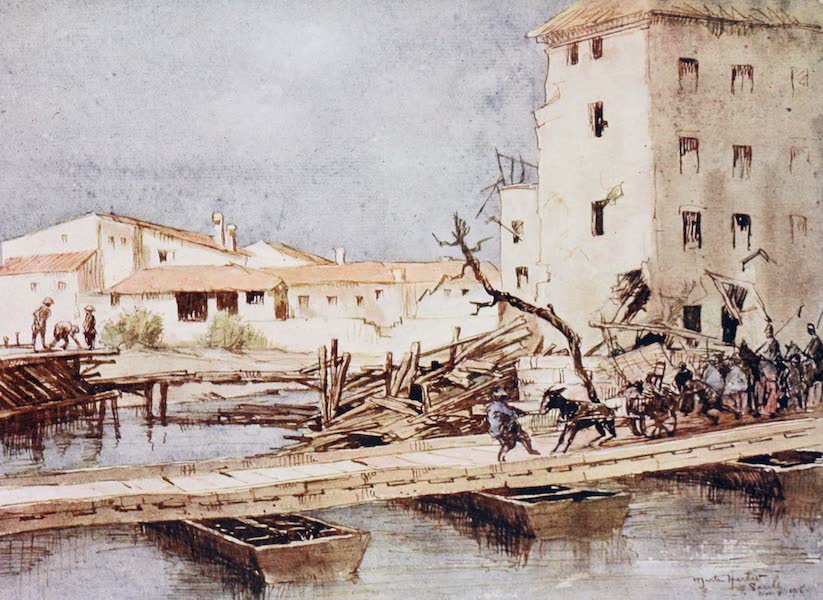 | &34;O.C. Bridges,&34; Sacile
|
 | &34;On the Rhine&34; We reached our Objective
|
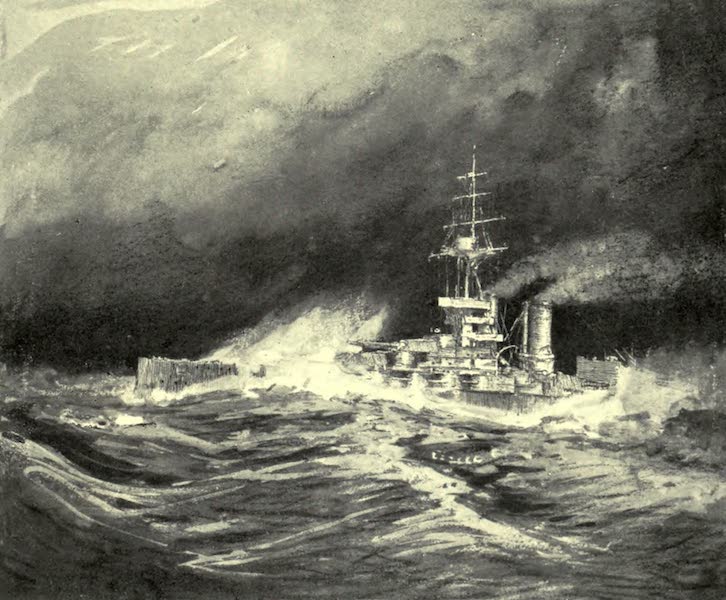 | &34;Shipping it Green&34; : Super-Dreadnought driving into a Heavy Sea
|
 | &34;Sober he seemed, and sad of cheer ...&34;
|
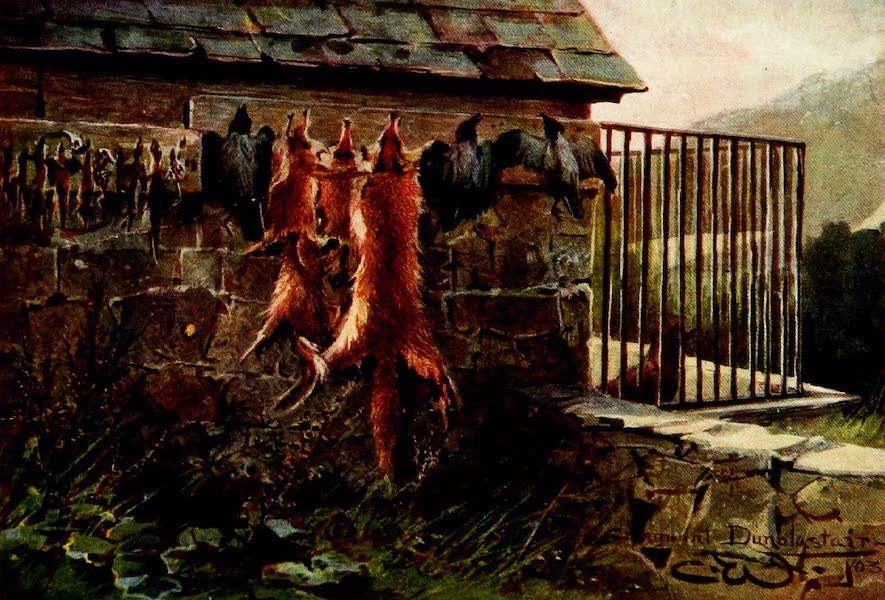 | &34;The Scotch 'Black List'&34;
|
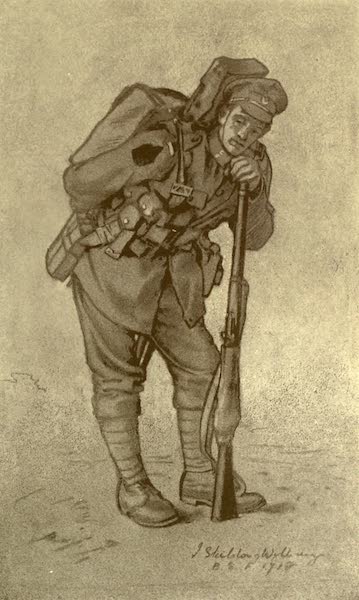 | &34;When I was at home I used to get a check for my kit from the baggage man&34;
|
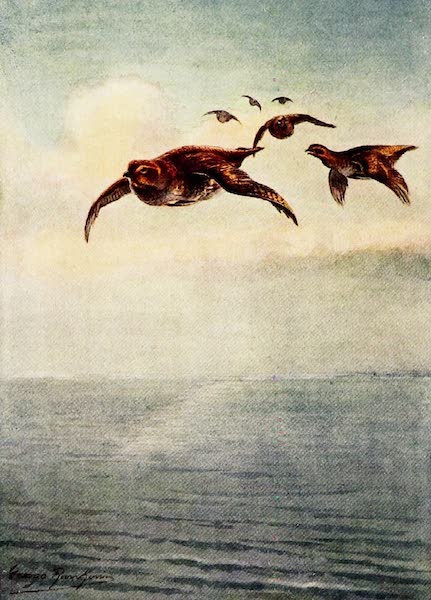 | 'A Fatal Mistake' - A Covey flying out to Sea
|
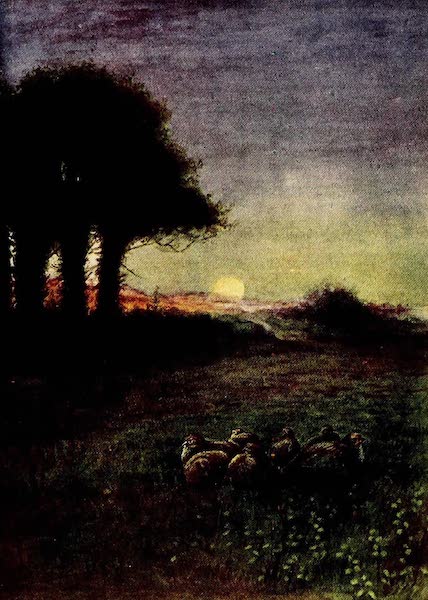 | 'Jugging'
|
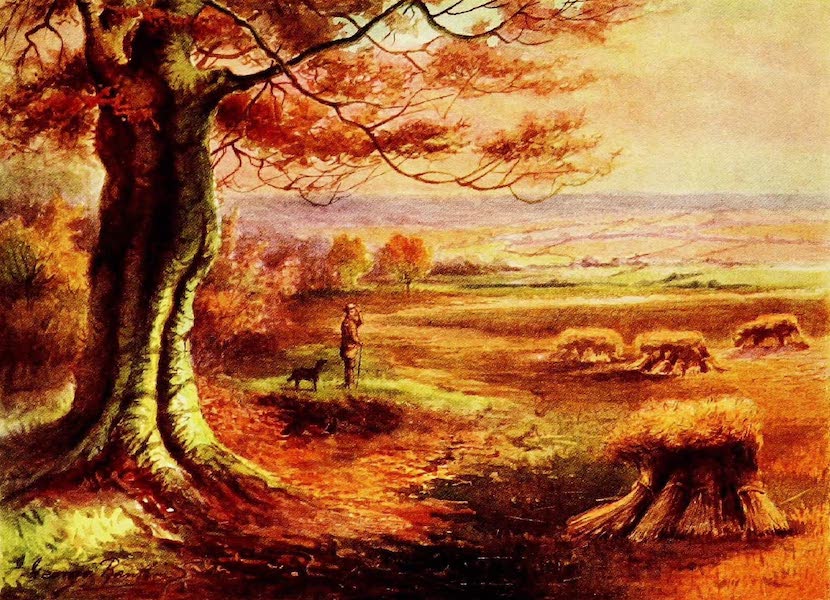 | 'Partridge Country'
|
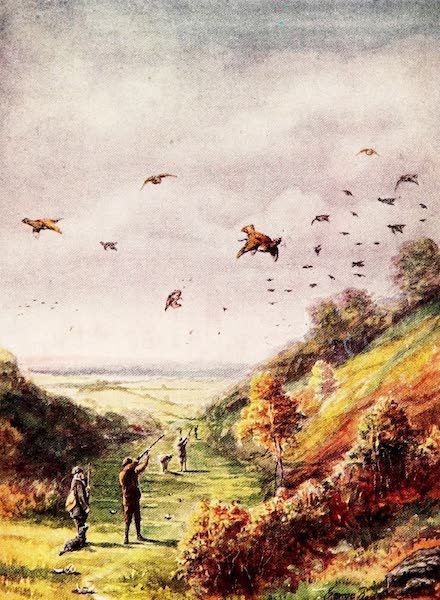 | 'The Valley of Death'
|
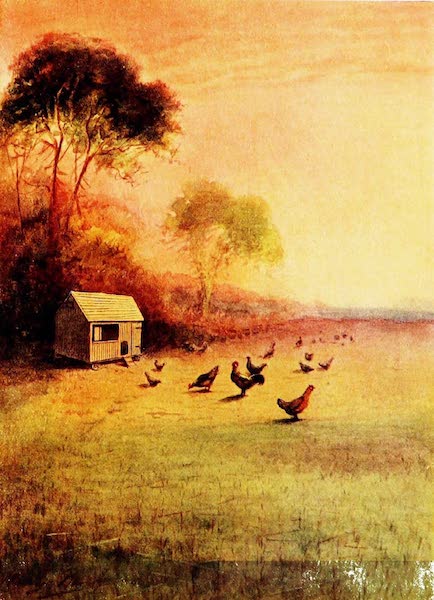 | 'Their worst Enemy' - Hen-house and Poultry on Stubble Field
|
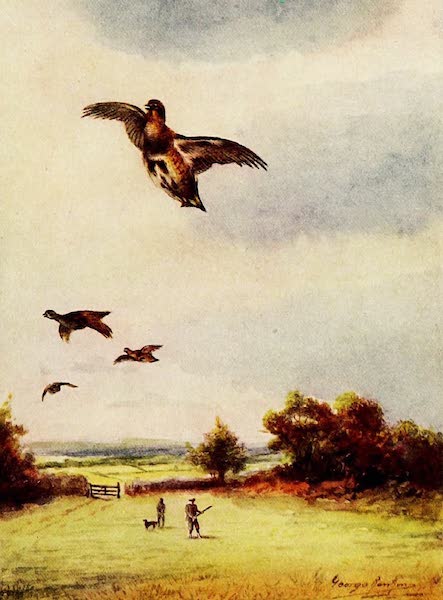 | 'Towered'
|
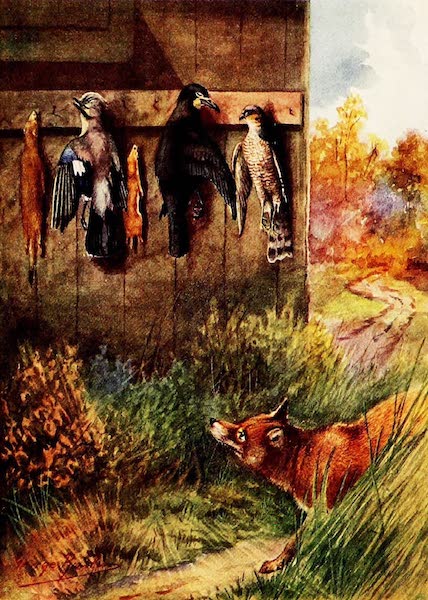 | 'Vermin'
|
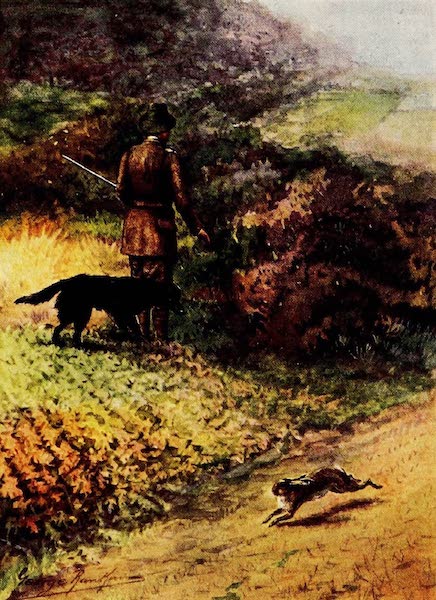 | 'Ware Chase'
|
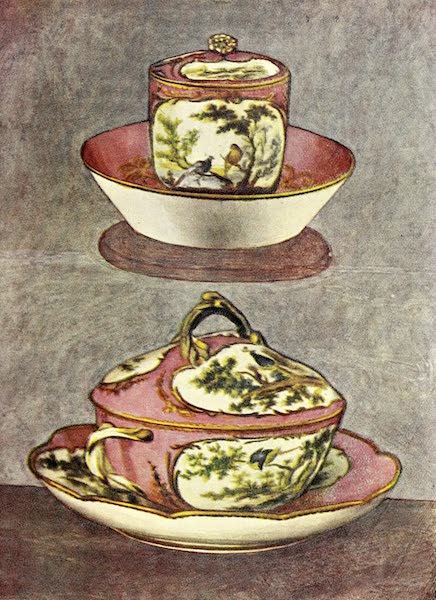 | (1) Cup, Cover, and Saucer. (2) Two-Handled Bowl, Cover, and Plate
|
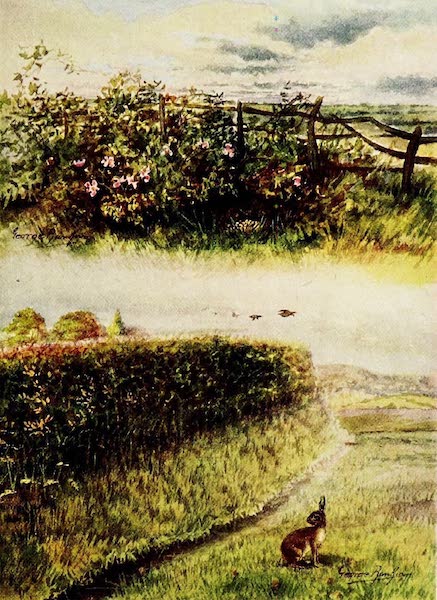 | (1) Good Nesting Ground; (2) Bad Nesting Ground
|
 | (1) House at Kurreechane to protect Children during the Night from Lions. (2) Tammaha House at Meribohwhey. (3) Furnace for Smelting at Kurreechane. (4-5) Pottery for containing Milk made at Kurreechane. (6) A Mashow Razor made of Steel.
|
 | (1) Mangoe Fly (2) Queen (or Arrindy) Silkworm of Assam (3) Long Horned Beetle
|
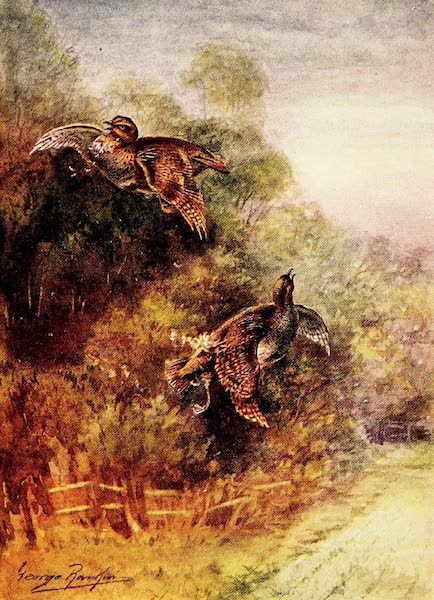 | (1) The Right Shot; (2) The Wrong Shot
|
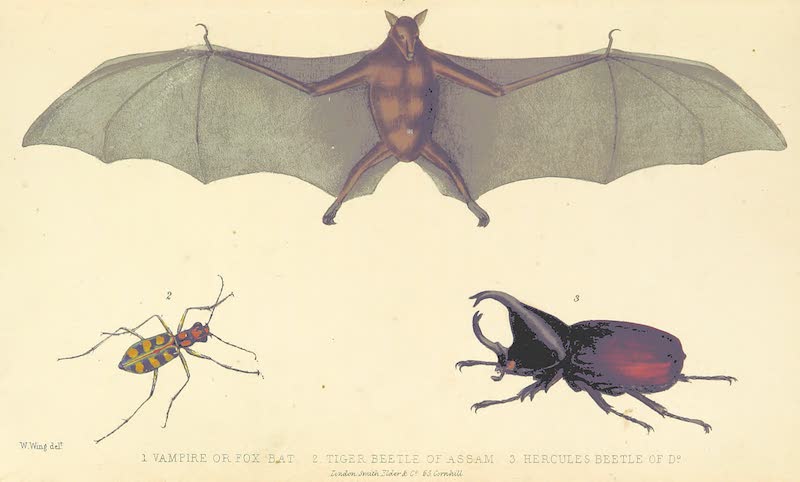 | (1) Vampire of Fox Bat (2) Tiger Beetle of Assam (3) Hercules Beetle of Assam
|
 | (1-2) Leaf Insect of Assam (male & female) (3) Saiknah Caterpillar (butterfly)
|
 | (?) Berenice
|
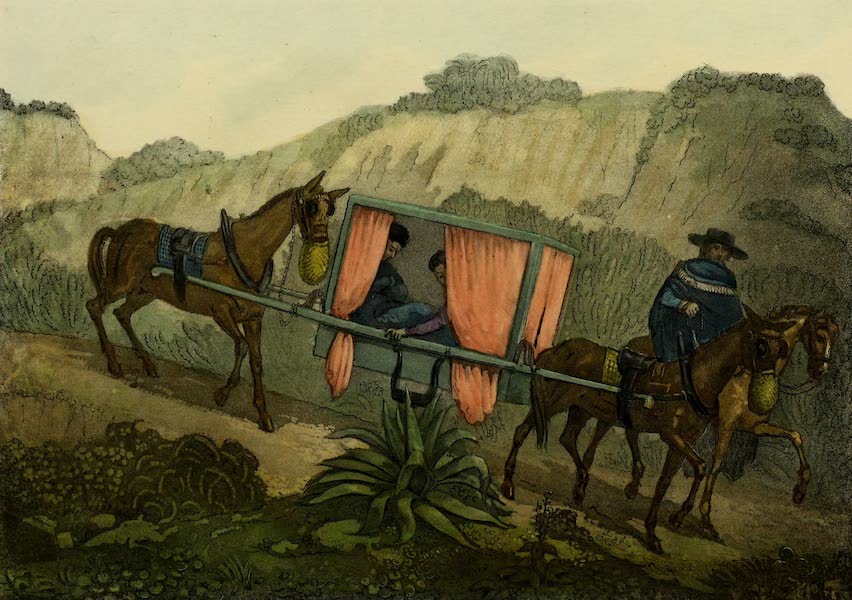 | (Attelage) Litiere de Vera Cruz a Mexico
|
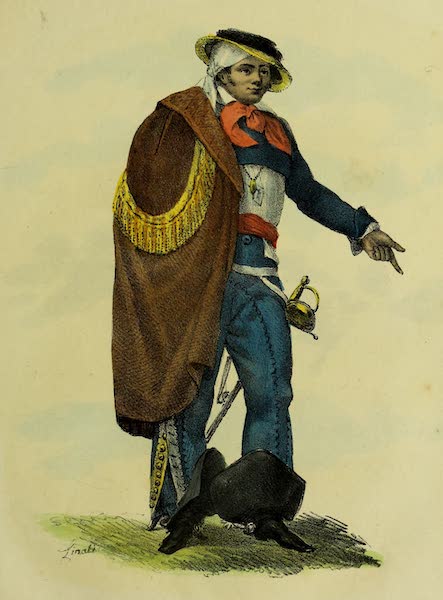 | (Hacendado) Proprietaire
|
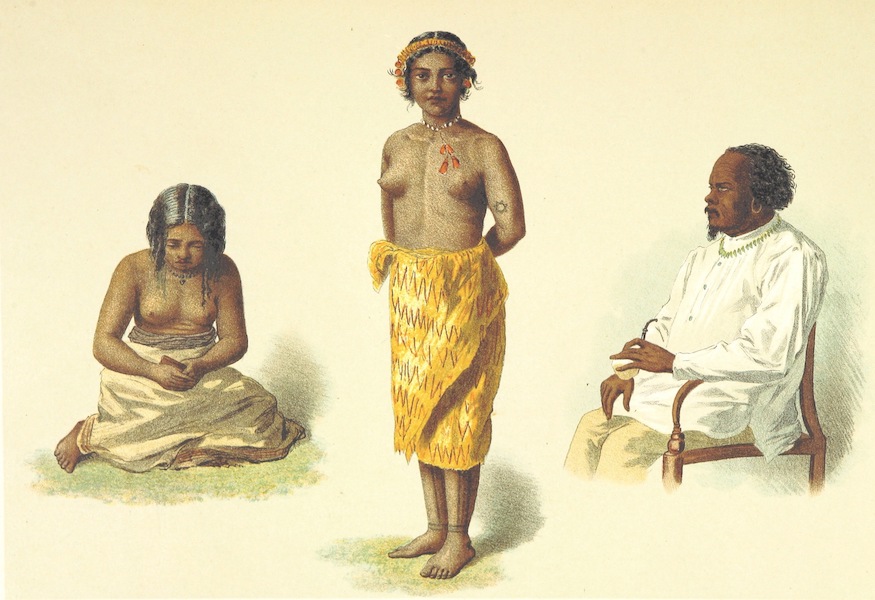 | (Jaluit) Madchen, (Ponape) Madchen, and Kabua, Konig von Jaluit
|
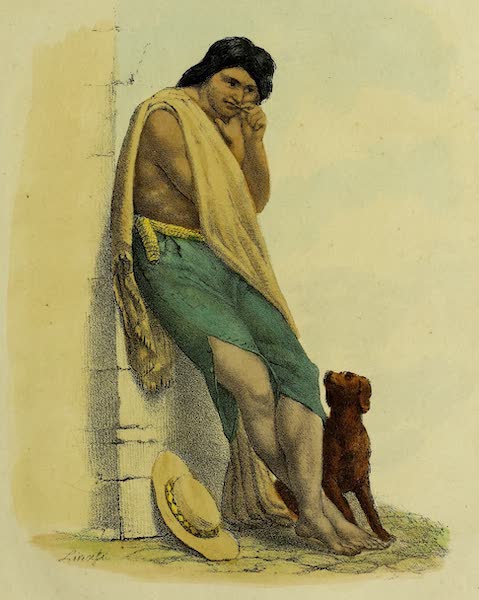 | (Lepero) Vagabond
|
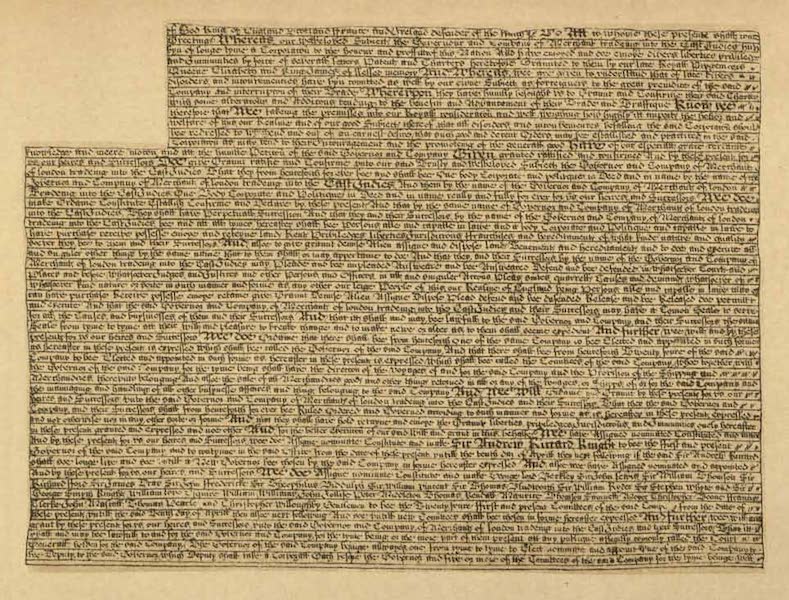 | (Sheet 1) Charter Granted by Charles II Dated 3 April 1661 Confirming and Extending Former Charters
|
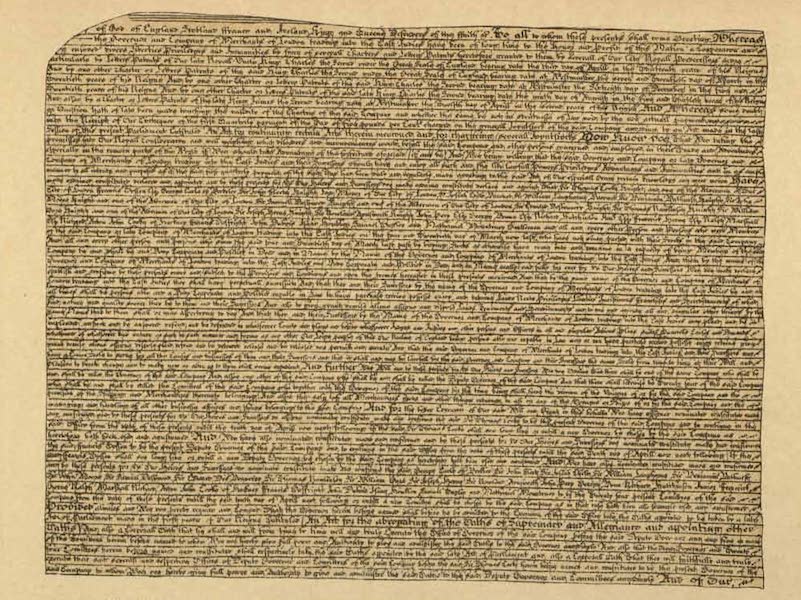 | (Sheet 1) Charter Granted by William and Mary
|
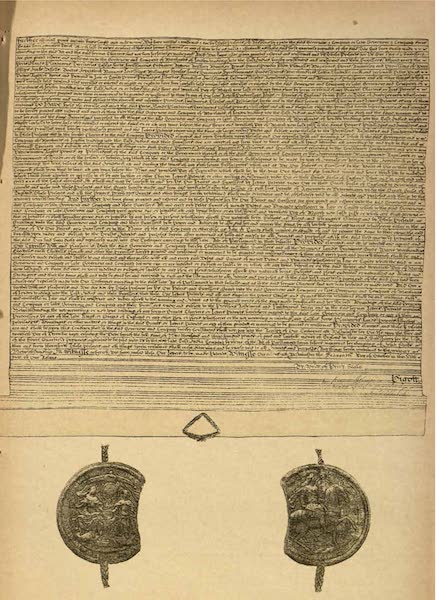 | (Sheet 2) Charter Granted by William and Mary
|
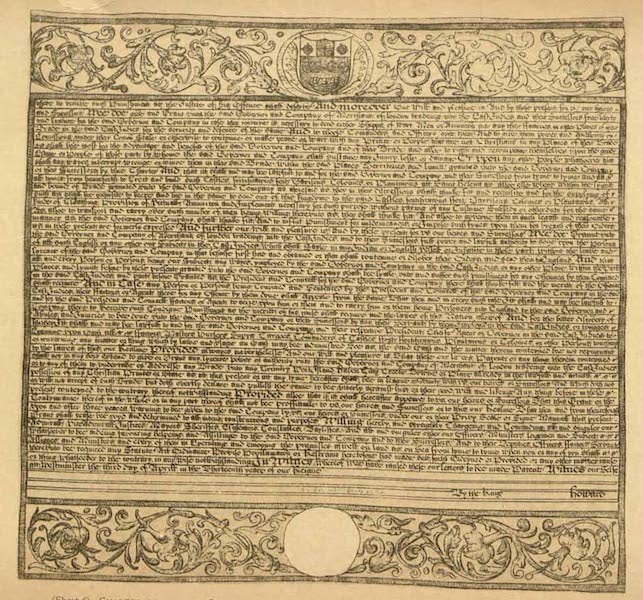 | (Sheet 6) (Sheet 1) Charter Granted by Charles II Dated 3 April 1661 Confirming and Extending Former Charters
|
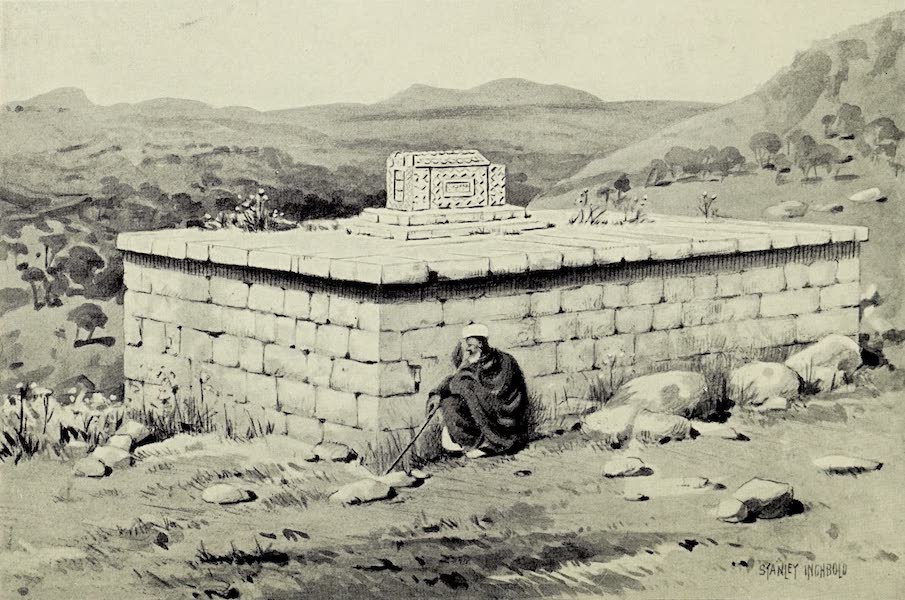 | 04-druse-tomb-mount-lebanon.jpg
|
![1) Monomotapa [I]](https://historyarchive.org/images/books/books-a/a-description-of-the-sea-coasts-in-the-east-indies-1690/plates/12-monomotapa-I.jpg) | 1) Monomotapa [I]
|
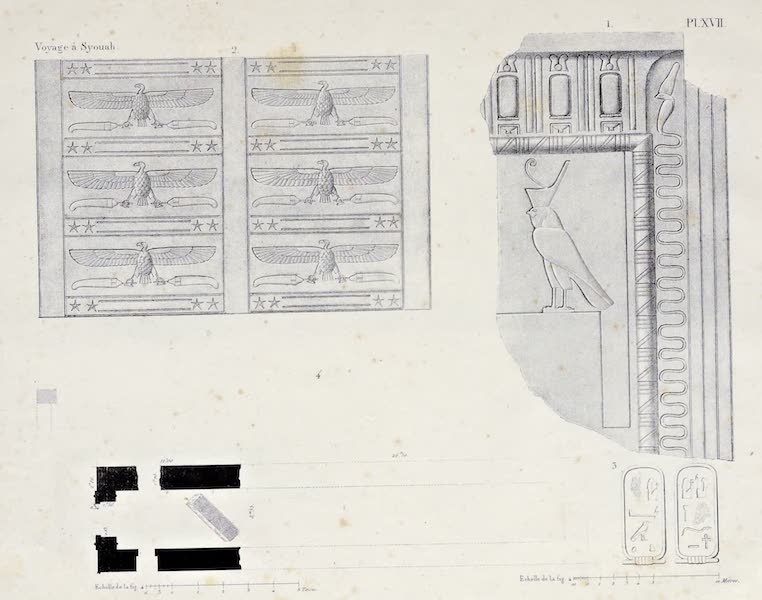 | 1, 2, 3 - Sculptures de la Porte et du Plafond du Temple d'Omm-Beyday. 4 - Plan du Temple
|
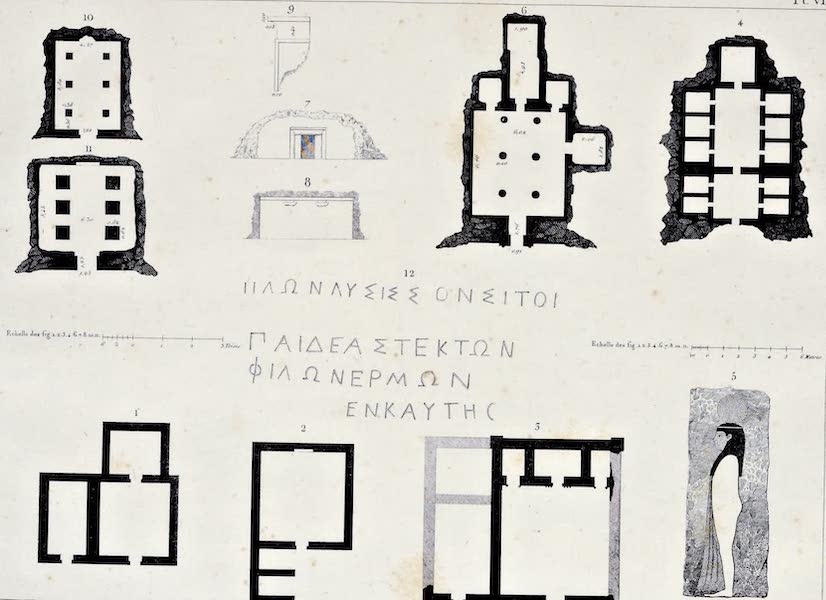 | 1, 2, 3 - Trois Edifices Situes Pres de Zeytoun 4,5 Monument Souterrein a Gebel Mouta 6...12 - Plans et Details de Plusiers autres Constructions Souterreines
|
 | 1-Brodiachii tungus. 2-Olennyi tungus
|
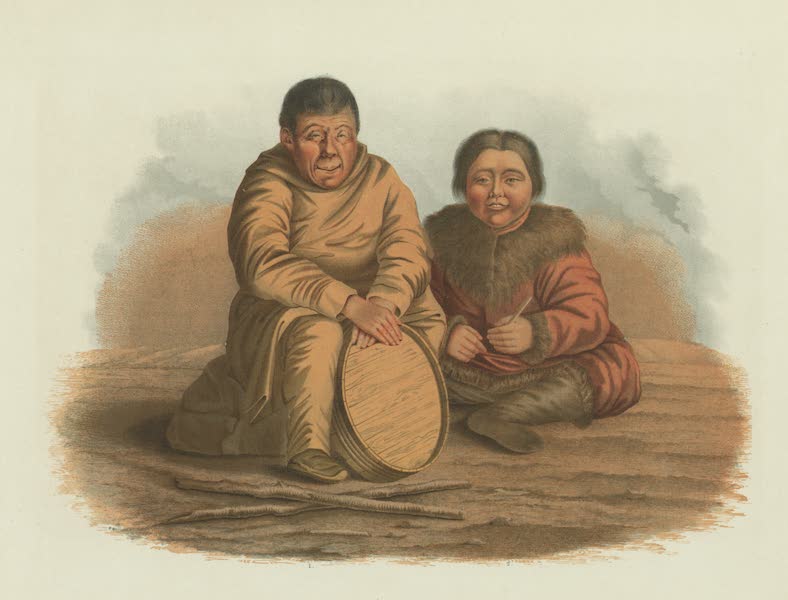 | 1-Zhitel' oliutorskago seleniia. 2-Brodiachii tungus
|
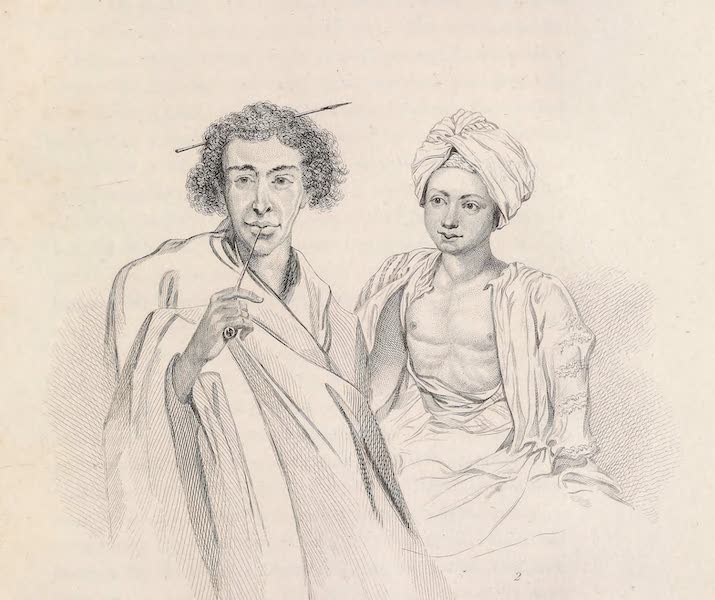 | 1. A Samaulie, 2. The Son of the Dola of Moosa
|
 | 1. A Small Obelisk, 2. Pedestals or Altars, 3. A Large Altar near the Square, 4. The Pedestal of a Fallen Obelisk, 5. A Detached Stone in the Church Yard
|
 | 1. Capitals in the Cathedral of Messina. 2. Windows of the Cathedral. 3. One of the Doors of the Nunziatella.
|
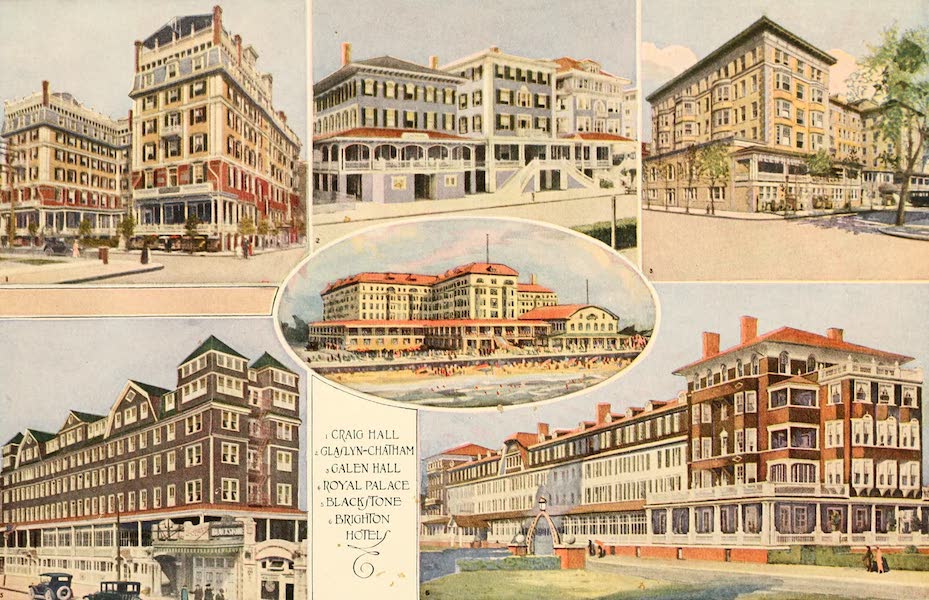 | 1. Craig Hall | 2. Glaslyn Chatham | 3. Galen Hall | 4. Royal Palace | 5. Blackstone | 6. Brighton Hotel
|
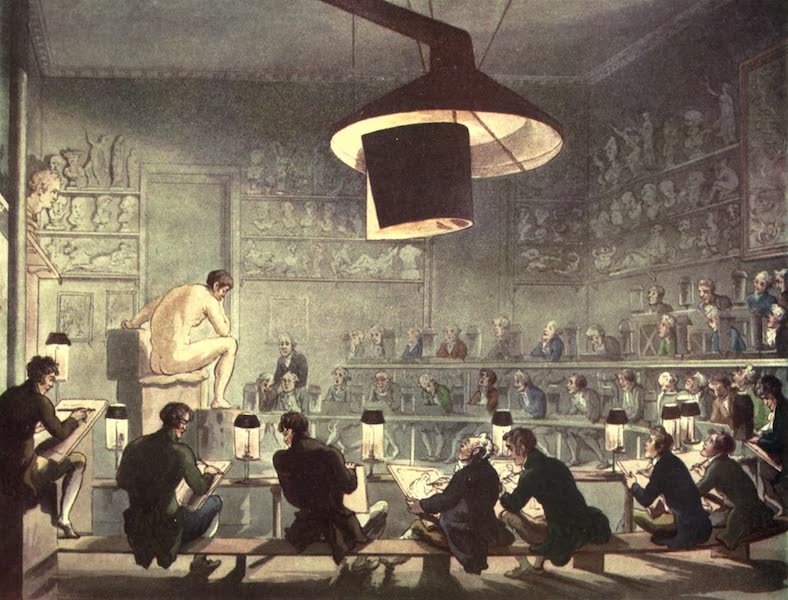 | 1. Drawing from Life at the Royal Academy, Somerset House.
|
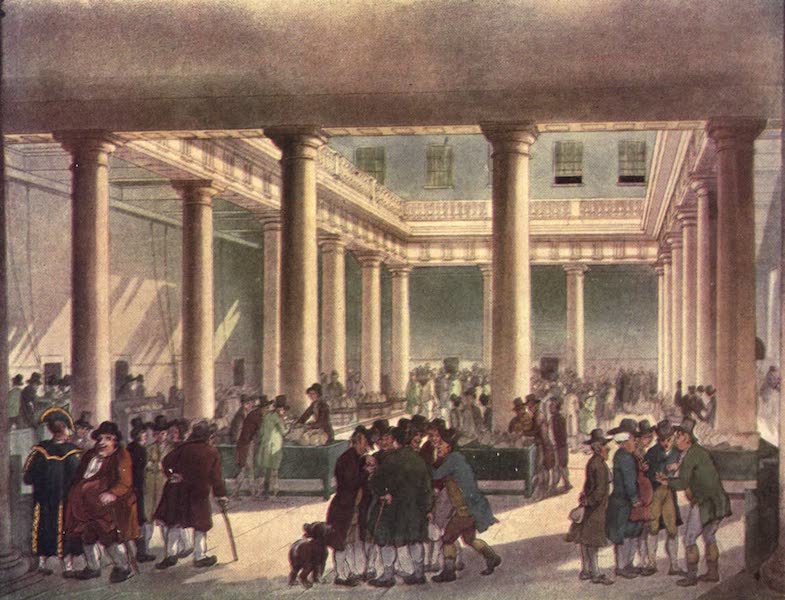 | 1. Drawing from Life at the Royal Academy, Somerset House.
|
![1. From the temple in Berenice [Baranis]; 2. Stations for the caravans? ; 3. Plan of the temple on the road to Berenice; 4. Greek fort... ; 5. Samaut; 6. Plan of the temple of Sakiet Minor; 7. Temple excavated in the rock in Sakiet Minor.](https://historyarchive.org/images/books/books-p/plates-illustrative-of-the-researches-and-operations-of-g-belzoni-1820/plates/35-assorted-archaeological-plans.jpg) | 1. From the temple in Berenice [Baranis]; 2. Stations for the caravans? ; 3. Plan of the temple on the road to Berenice; 4. Greek fort... ; 5. Samaut; 6. Plan of the temple of Sakiet Minor; 7. Temple excavated in the rock in Sakiet Minor.
|
 | 1. Inscription on a Column at Damietta, 2. Copper Dovetail found at Bahbeit, 3. Ancient Column found at Mafsowah
|
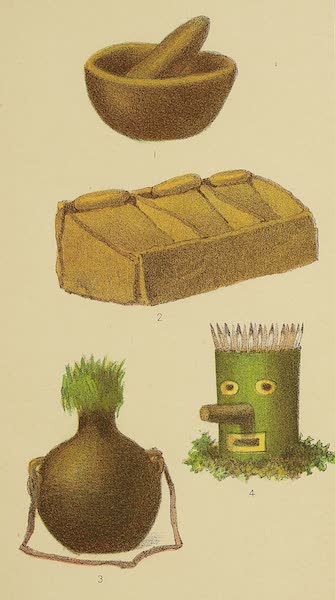 | 1. Mortar and pestle from Pueblo of Hanoor Tegua. 2. 'Stone mill or "metate," Oraybe. 3. Water jug, of basket work, covered with resin. 4. Mask.
|
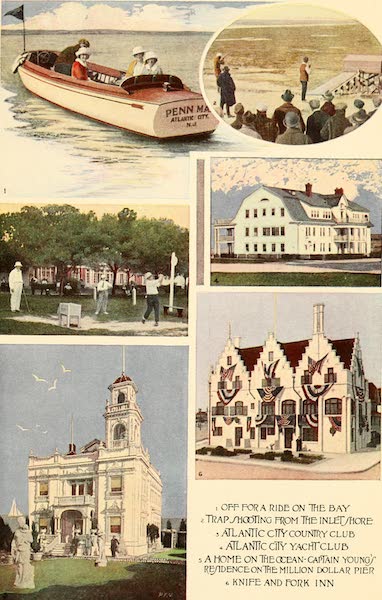 | 1. Off for a Ride on the Bay | 2. Trap Shooting from the Inlet Shore | 3. Atlantic City Country Club | 4. Atlantic City Yacht Club | A Home one the Ocean | 5. Knife and Fork Inn
|
![1. Pooruck Pranaiyam [Puraka pranayama]. 2. Kumbuck [Kumbhaka]. 3. Raichuck [Recaka].](https://historyarchive.org/images/books/books-s/sundhya-or-the-daily-prayers-of-the-brahmins-1851/plates/07-pooruck-pranaiyam-kumbuck-raichuck.jpg) | 1. Pooruck Pranaiyam [Puraka pranayama]. 2. Kumbuck [Kumbhaka]. 3. Raichuck [Recaka].
|
 | 1. the Ruins of La Favara.
|
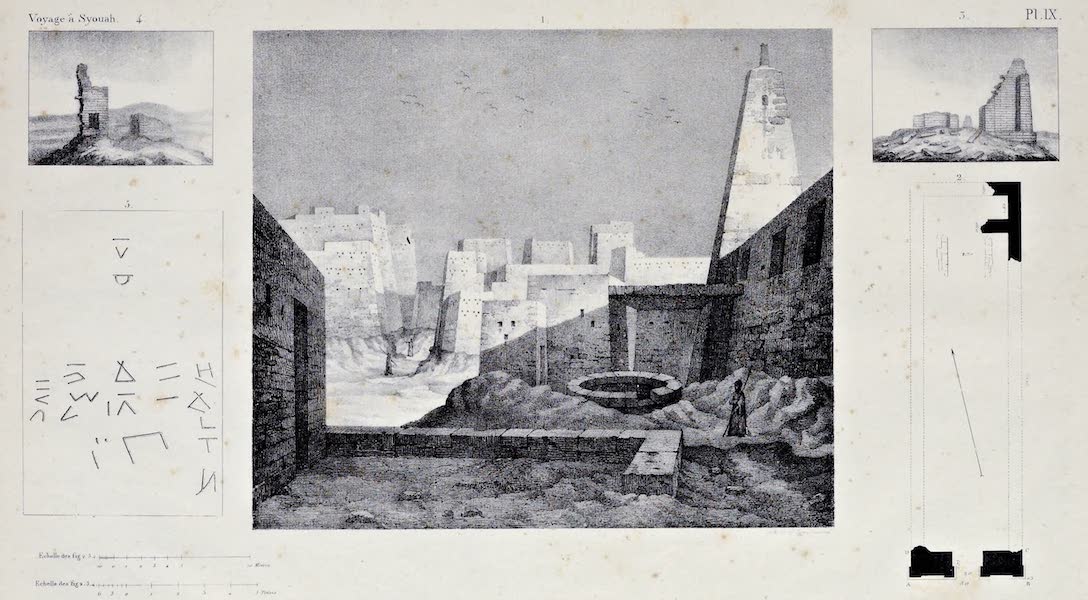 | 1. Vue du Village de Gharmy 2...5 Plan et Detailsdes Ruines Appelees Amondeyn
|
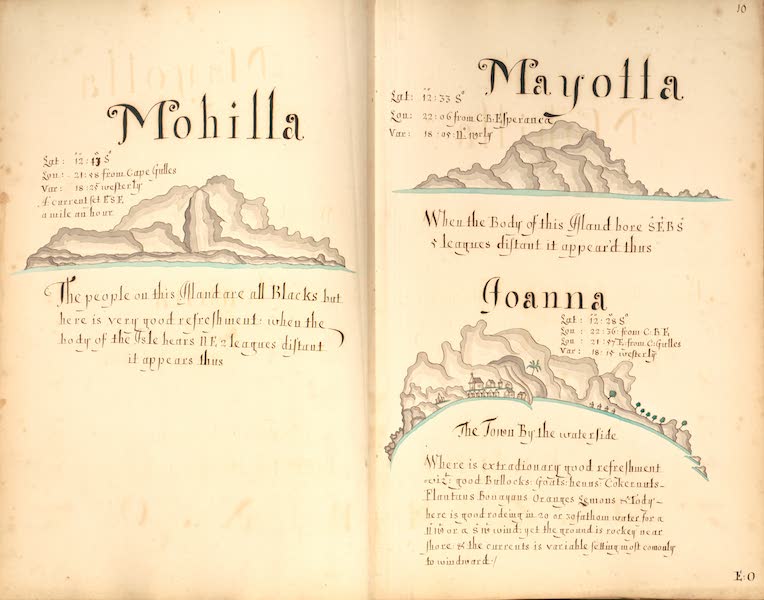 | 10) Mohilla, Mayolla, Joanna
|
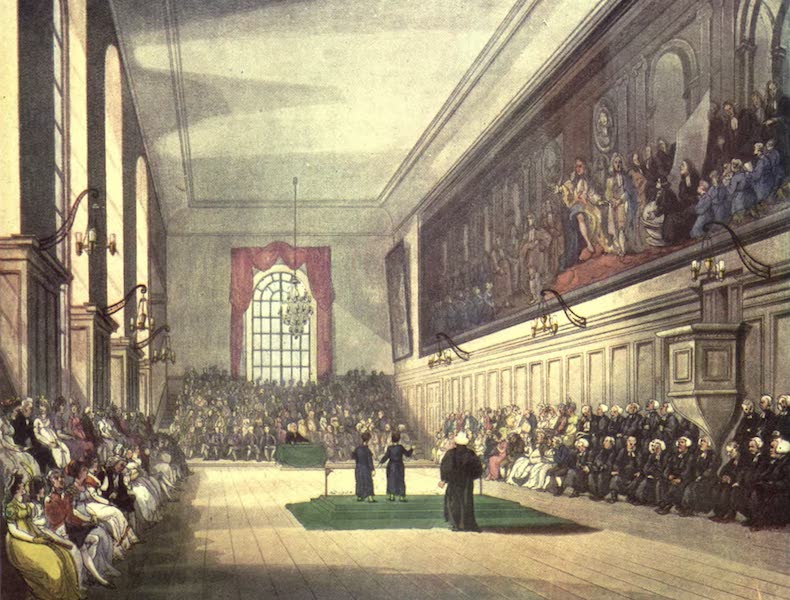 | 10. The Hall, Blue Coat School.
|
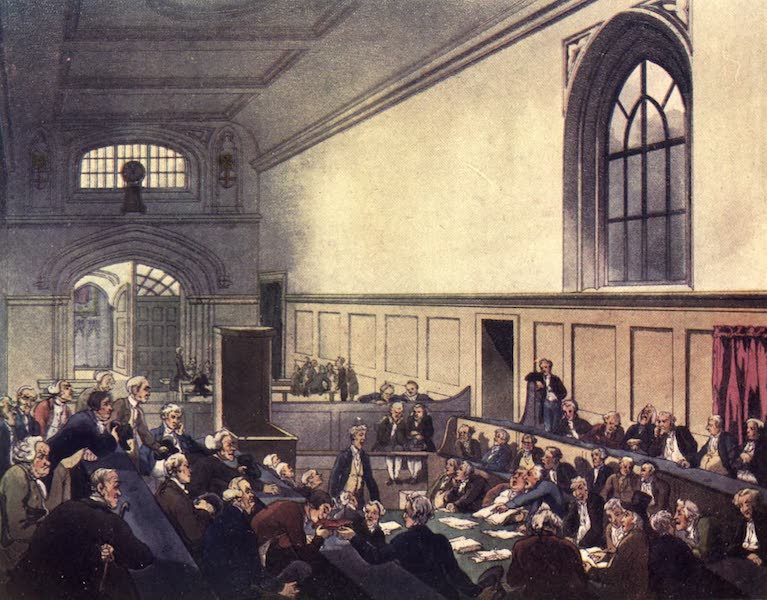 | 10. The Hall, Blue Coat School.
|
 | 100. New Covent Garden Theatre.
|
 | 101. South Sea House Dividend Hall.
|
 | 101st Grenadiers and 102nd King Edward's Own Grenadiers
|
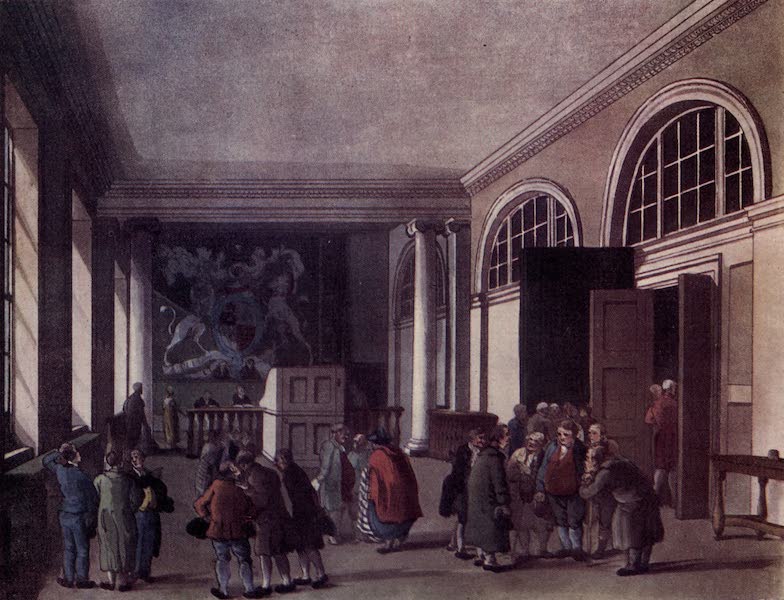 | 102. Excise Office, Broad Street.
|
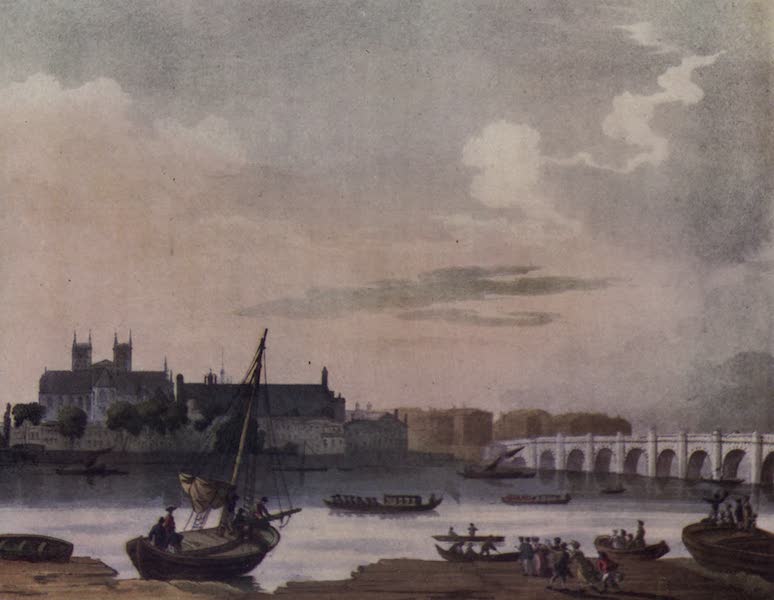 | 103. View of Westminster Hall and Bridge.
|
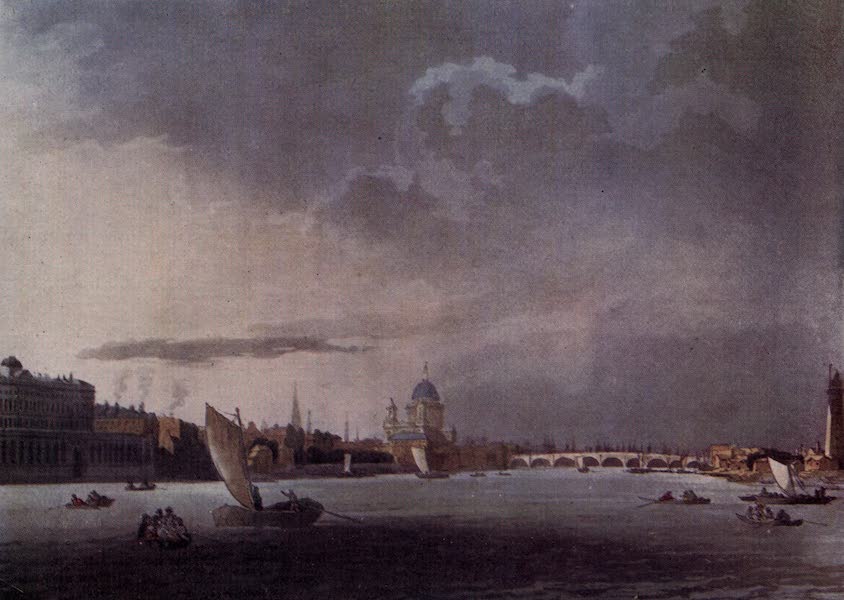 | 104. A View of London from the Thames, taken opposite the Adelphi.
|
 | 10th Army Corps (I)
|
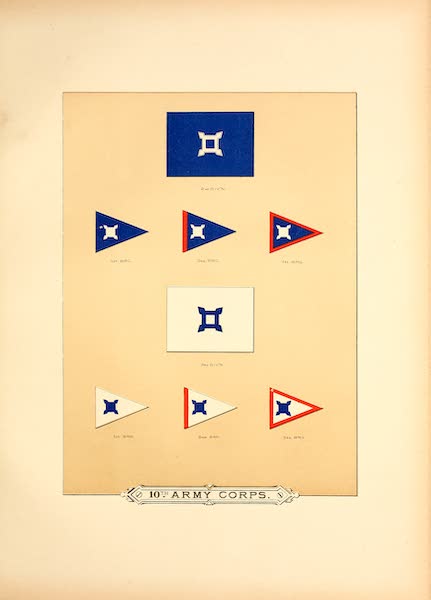 | 10th Army Corps (II)
|
 | 10th Duke of Cambridge's Own Lancers
|
 | 11) Magadoxa, Melinde, Mombaza, Quiloa
|
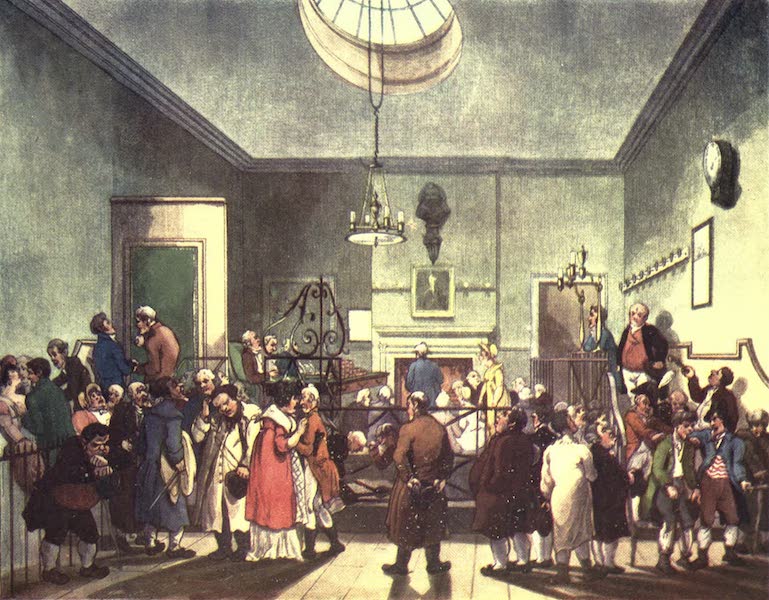 | 11. Bow Street Office.
|
 | 11. Bow Street Office.
|
 | 11th Army Corps (I)
|
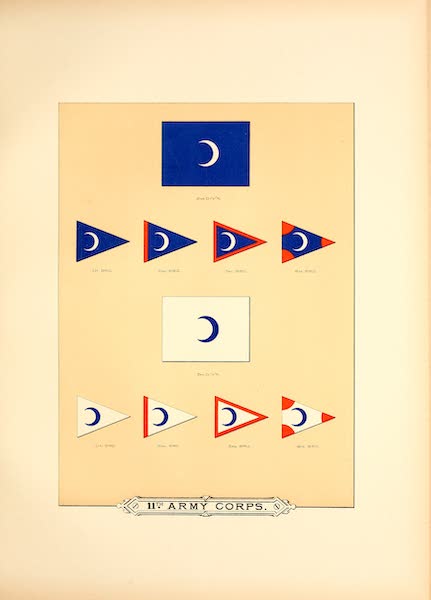 | 11th Army Corps (II)
|
 | 11th King Edward's Own Lancers
|
 | 12) Magadoxa
|
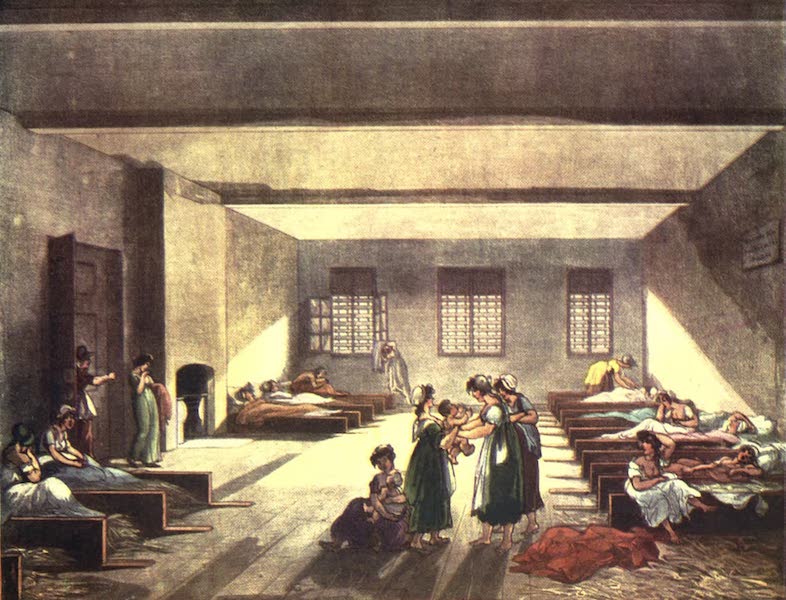 | 12. Pass-Rrom, Bridewell.
|
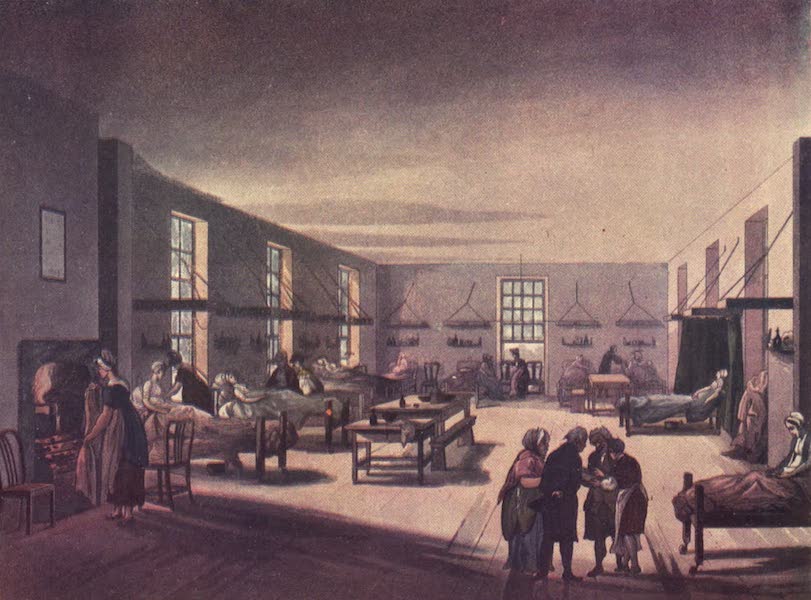 | 12. Pass-Rrom, Bridewell.
|
 | 124th Duchess of Connaught's Own Baluchistan Infantry
|
 | 125th Napier's Rifles
|
 | 127th Queen Mary's Own Baluch Light Infantry
|
 | 12th Army Corps (I)
|
 | 12th Army Corps (II)
|
 | 12th Cavalry
|
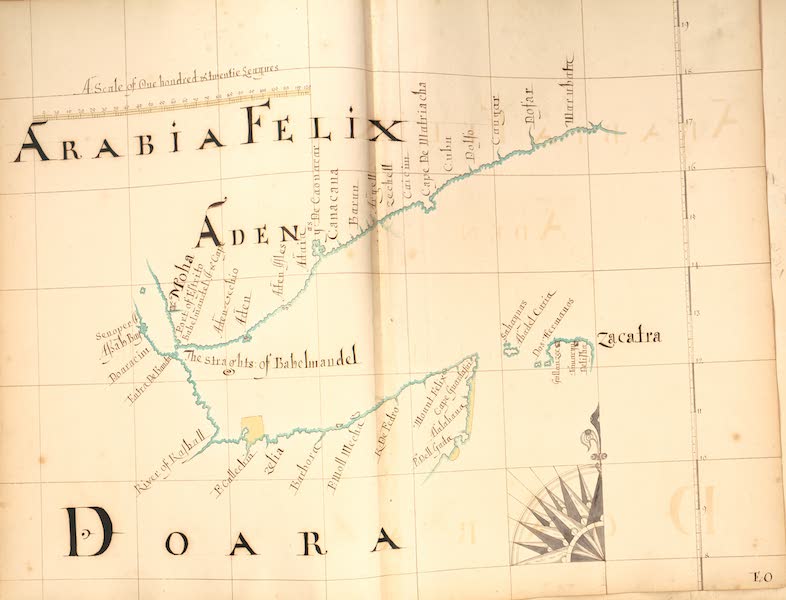 | 13) Arabia Felix, Aden, Doara
|
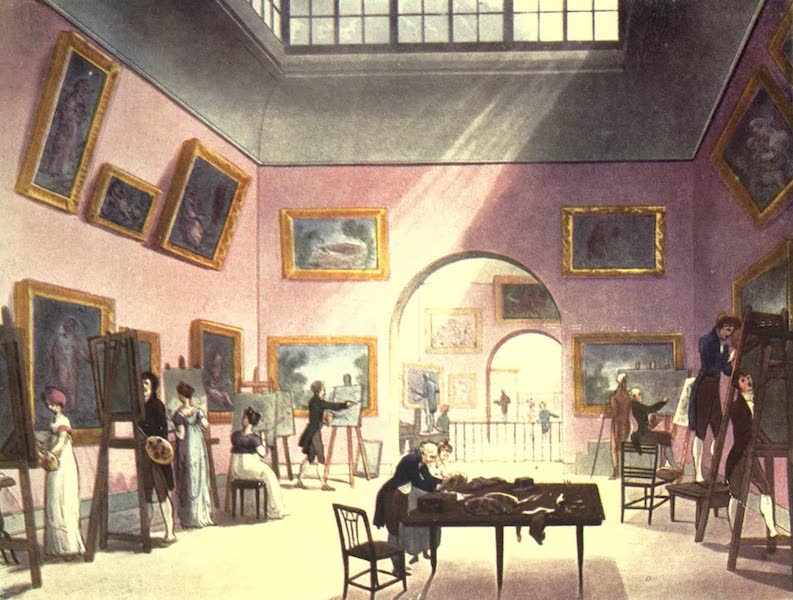 | 13. British Institution (Pall Mall).
|
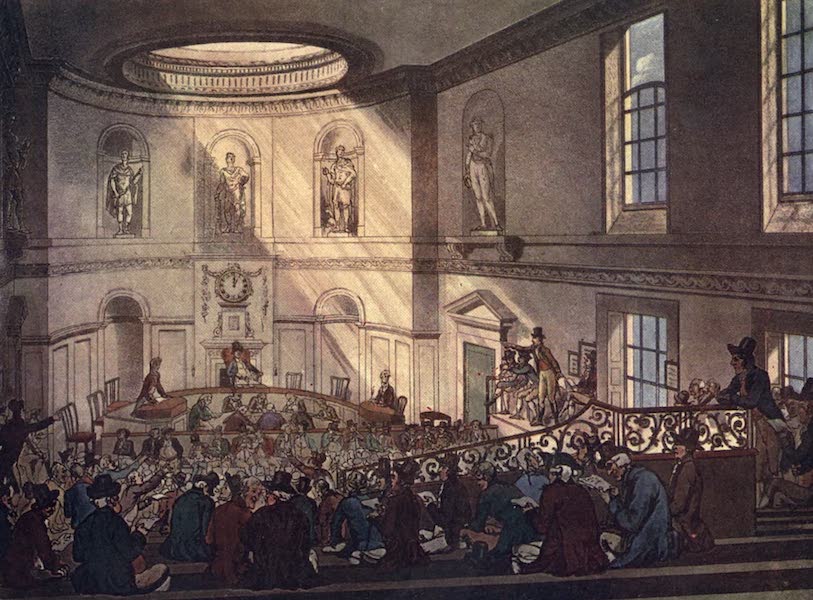 | 13. British Institution (Pall Mall).
|
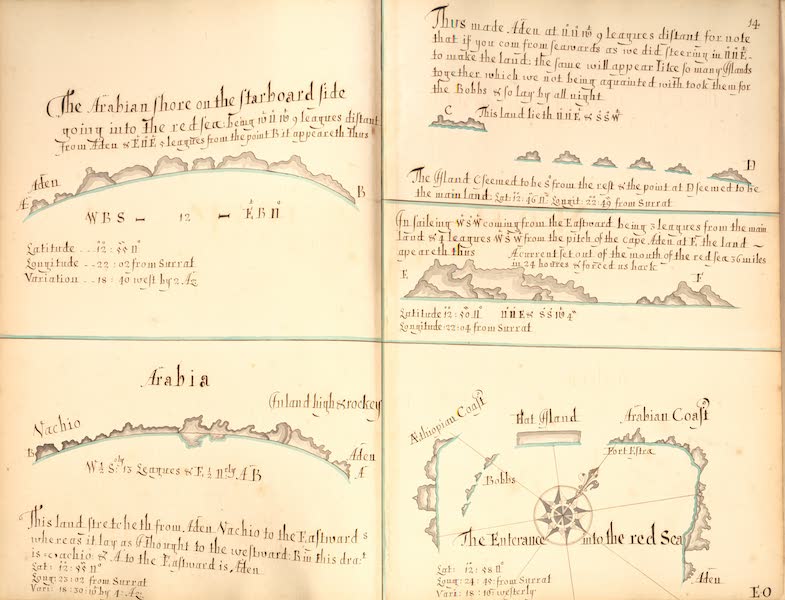 | 14) Arabian Shore
|
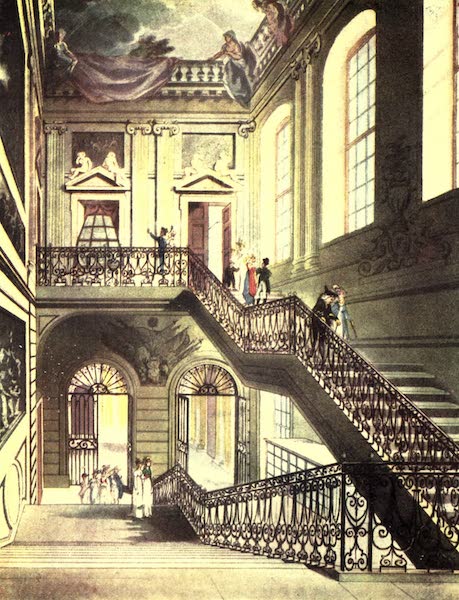 | 14. The Hall and Stair Case, British Museum.
|
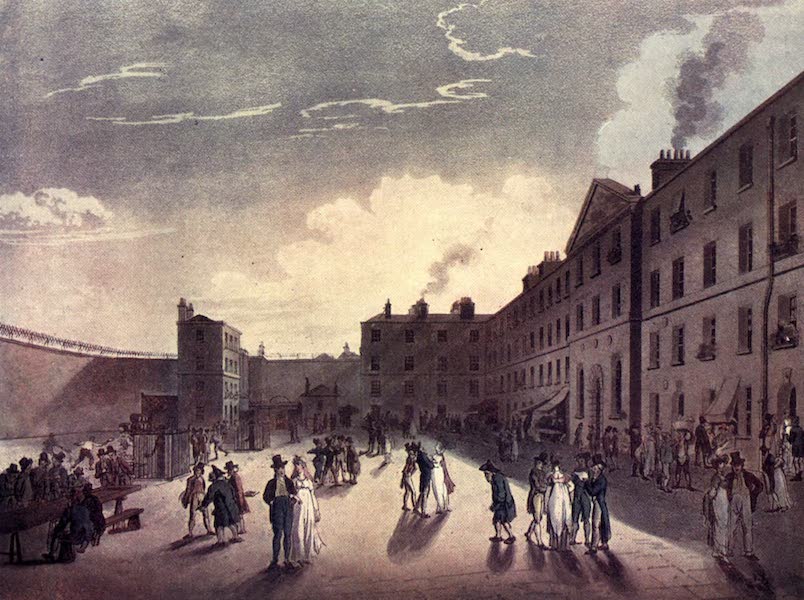 | 14. The Hall and Stair Case, British Museum.
|
 | 14th Army Corps (I)
|
 | 14th Army Corps (II)
|
 | 14th Army Corps (III)
|
 | 14th Army Corps (IV)
|
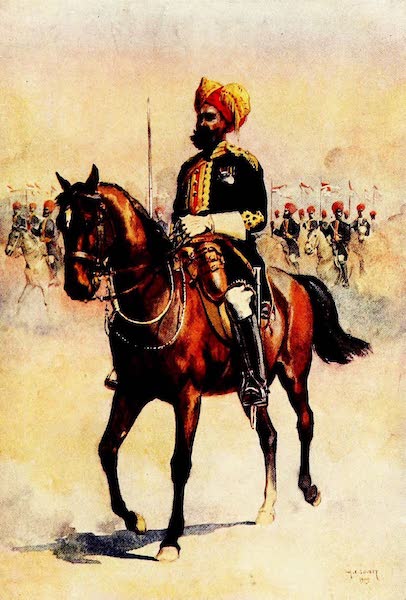 | 14th Murray's Jat Lancers
|
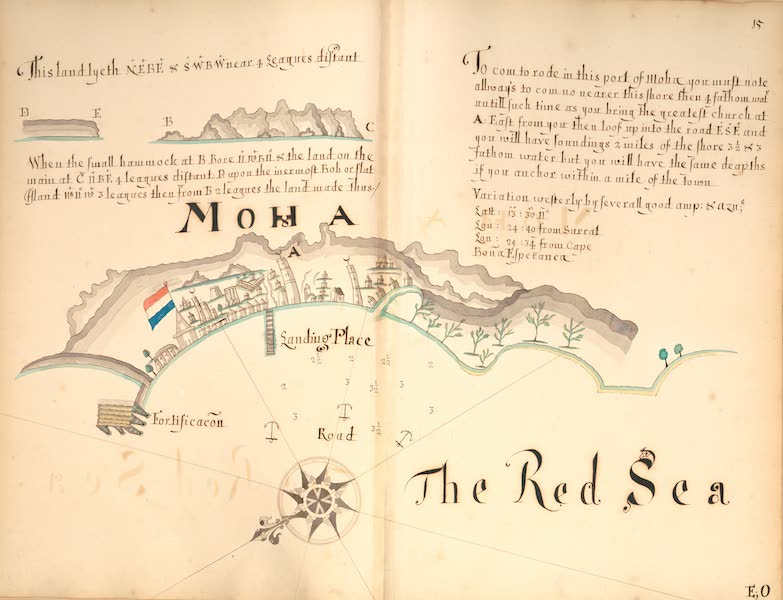 | 15) Moha, the Red Sea
|
 | 15. The Hall, Carlton House.
|
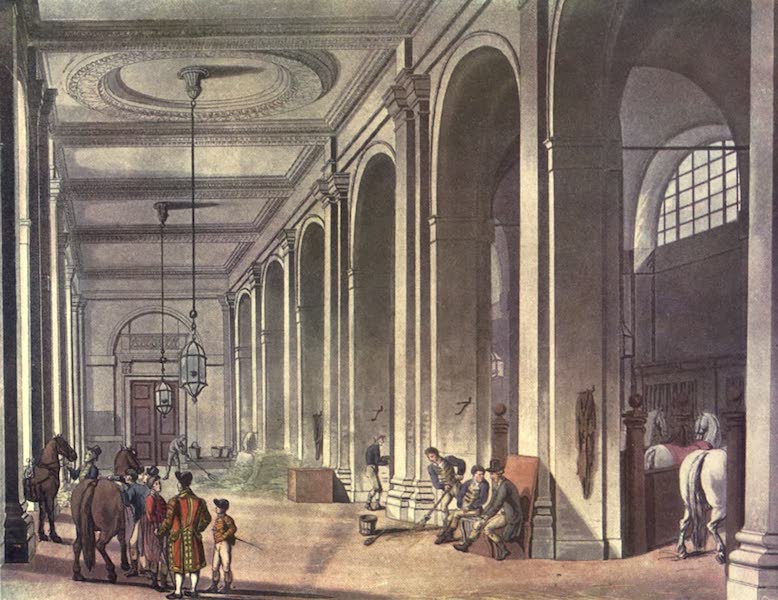 | 15. The Hall, Carlton House.
|
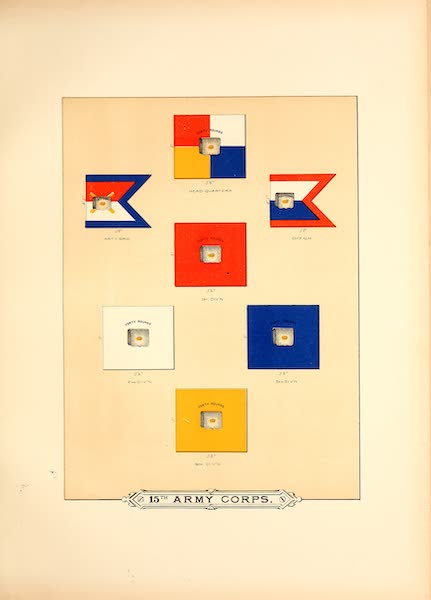 | 15th Army Corps (I)
|
 | 15th Army Corps (II)
|
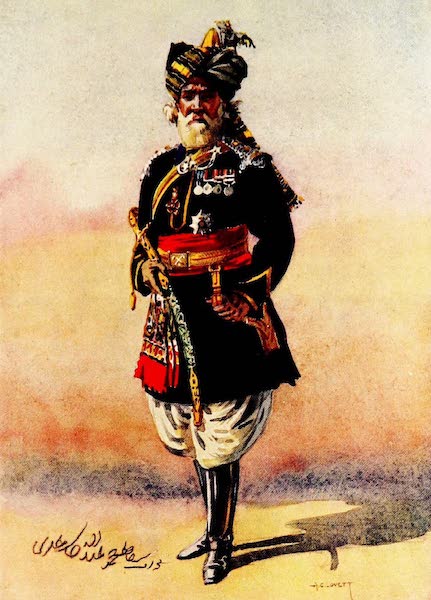 | 15th Lancers
|
 | 15th Ludhiana Sikhs
|
 | 16) Moha, Arabian Felix, the Red Sea
|
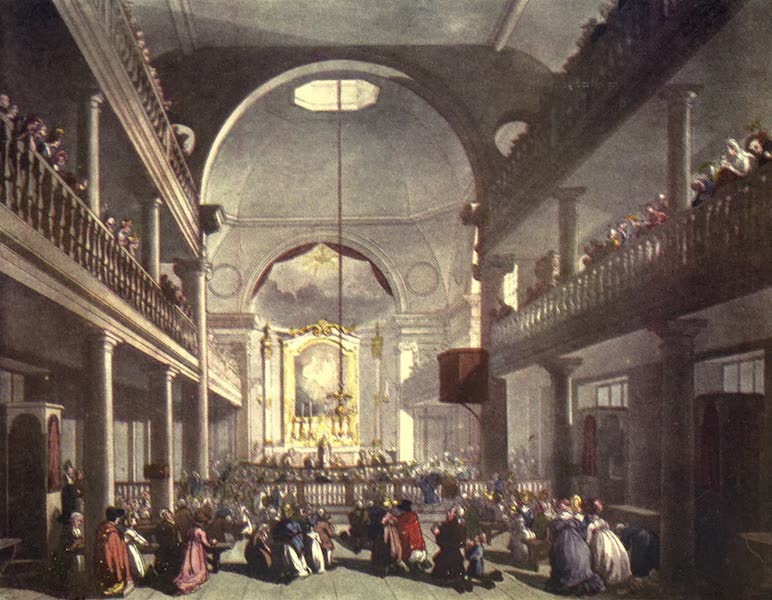 | 16. The Roman Catholic Chapel (Lincoln Inn Fields).
|
 | 16. The Roman Catholic Chapel (Lincoln Inn Fields).
|
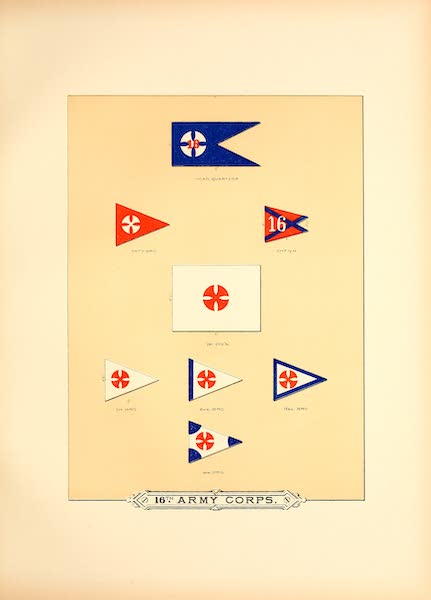 | 16th Army Corps (I)
|
 | 16th Army Corps (II)
|
 | 17) A Description of Asabb Bay, the Red Sea
|
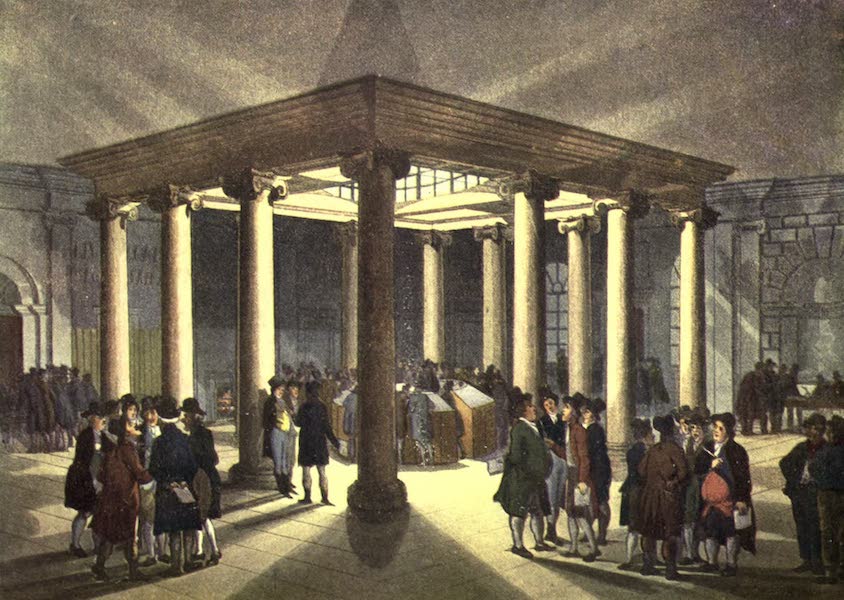 | 17. Coal Exchange.
|
 | 17. Coal Exchange.
|
 | 17th Army Corps (I)
|
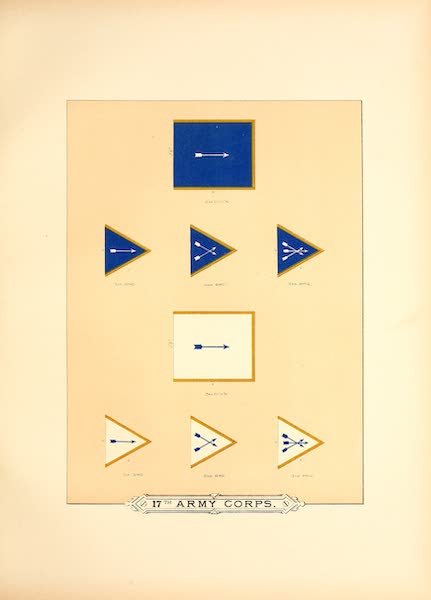 | 17th Army Corps (II)
|
 | 18) Arabia, Felix
|
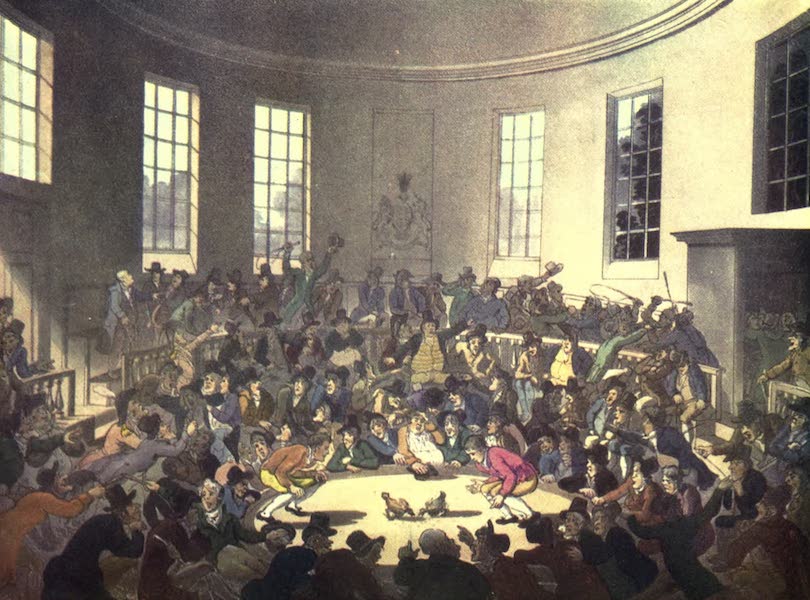 | 18. Royal Cock Pit.
|
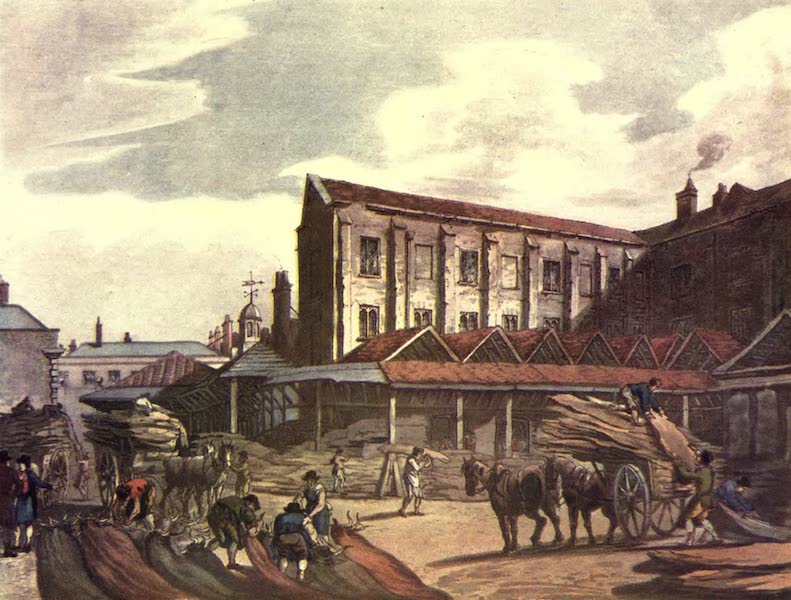 | 18. Royal Cock Pit.
|
 | 18th Army Corps (I)
|
 | 18th Army Corps (II)
|
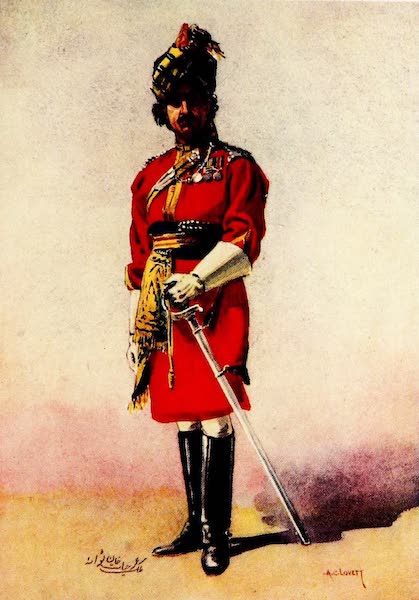 | 18th King George's Own Lancers
|
![19) Persia, Arabia, Felix [I]](https://historyarchive.org/images/books/books-a/a-description-of-the-sea-coasts-in-the-east-indies-1690/plates/30-persia-arabia-felix-I.jpg) | 19) Persia, Arabia, Felix [I]
|
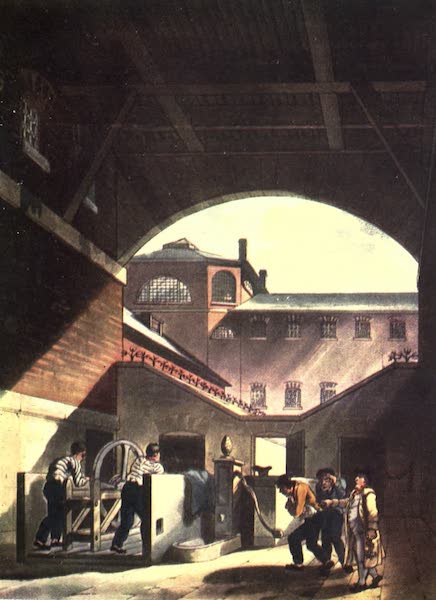 | 19. Water Engine, Cold-Bath-Fields Prison.
|
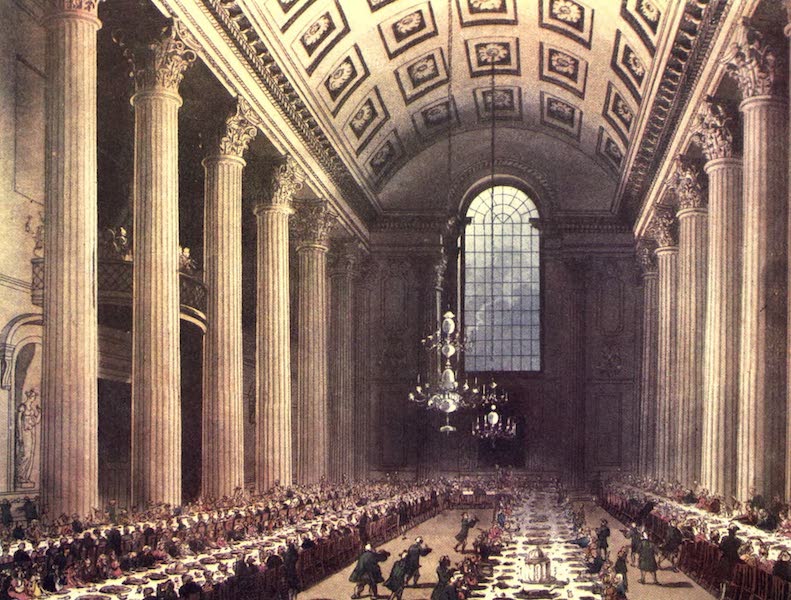 | 19. Water Engine, Cold-Bath-Fields Prison.
|
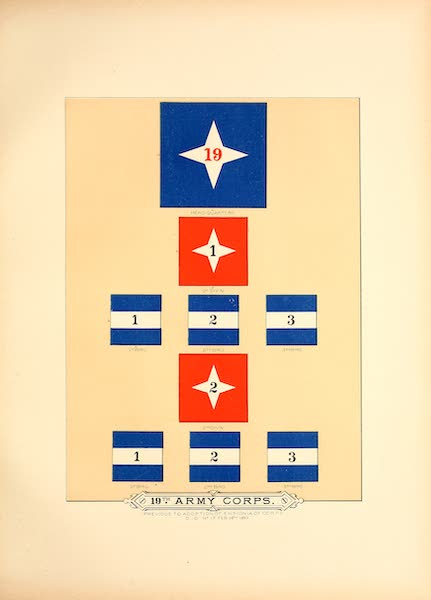 | 19th Army Corps (I)
|
 | 19th Army Corps (II)
|
 | 19th Army Corps (III)
|
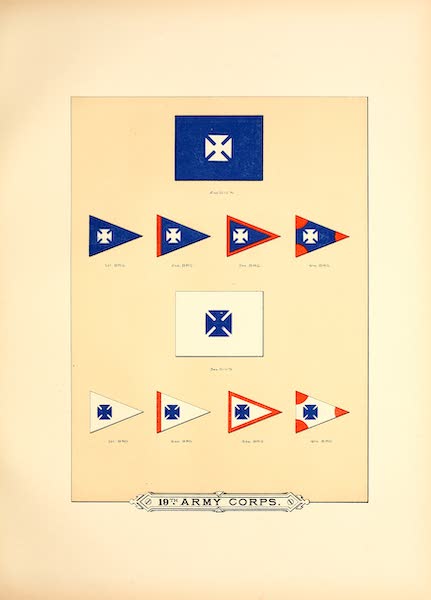 | 19th Army Corps (IV)
|
 | 19th Lancers
|
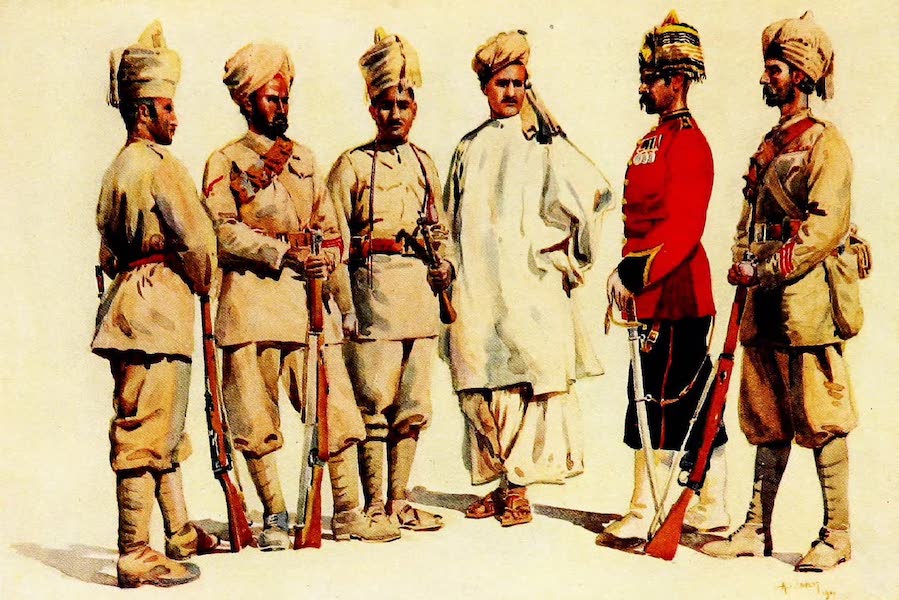 | 19th Punjabis
|
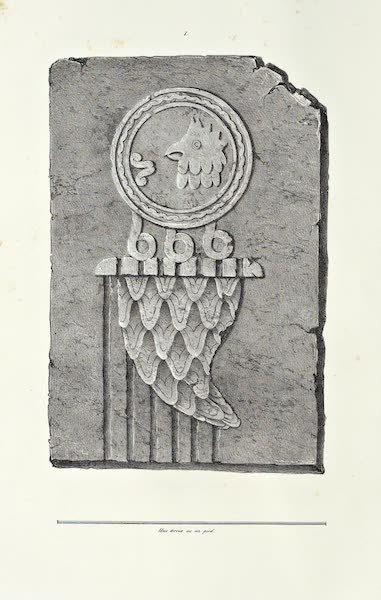 | 1er Expedition - Planche I
|
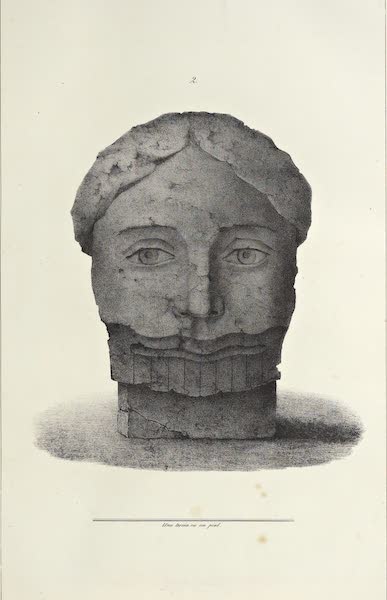 | 1er Expedition - Planche II
|
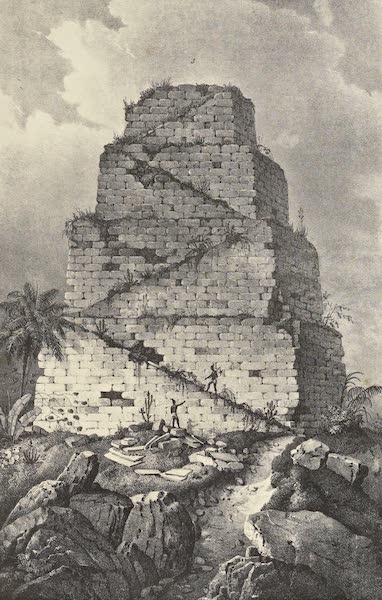 | 1er Expedition - Planche III
|
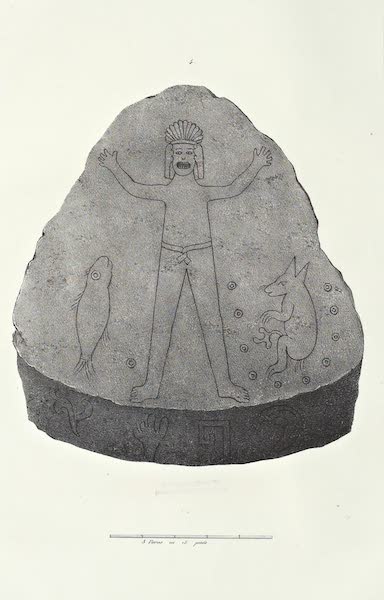 | 1er Expedition - Planche IV
|
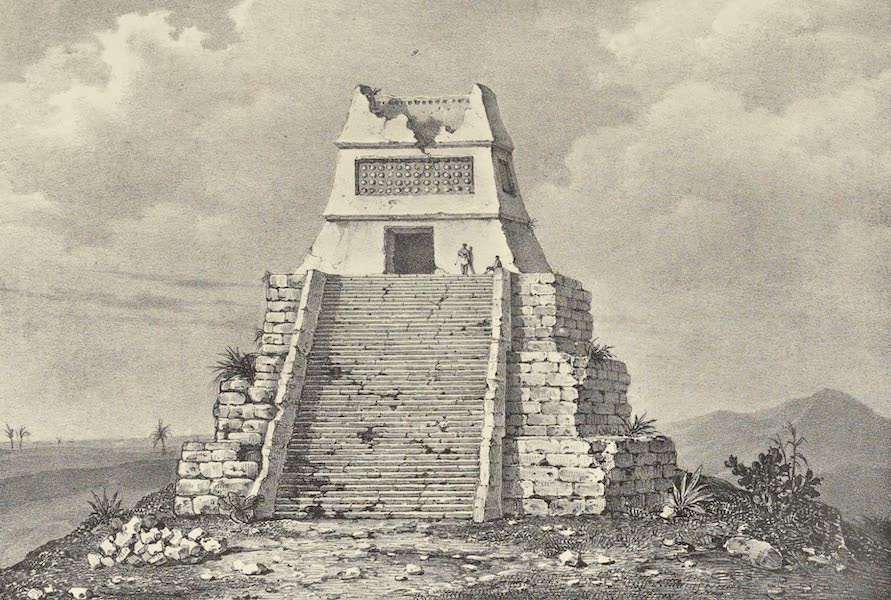 | 1er Expedition - Planche IX
|
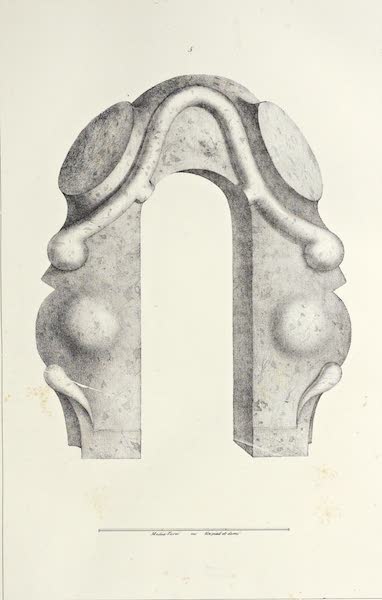 | 1er Expedition - Planche V
|
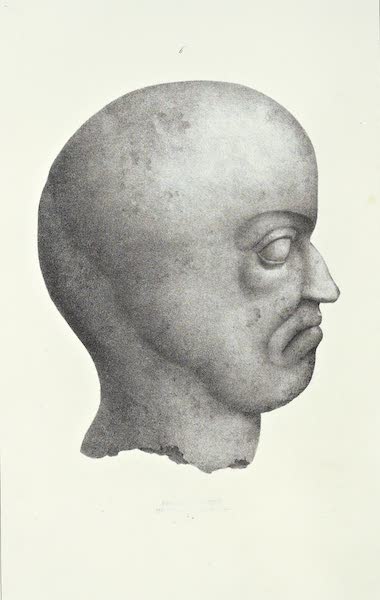 | 1er Expedition - Planche VI
|
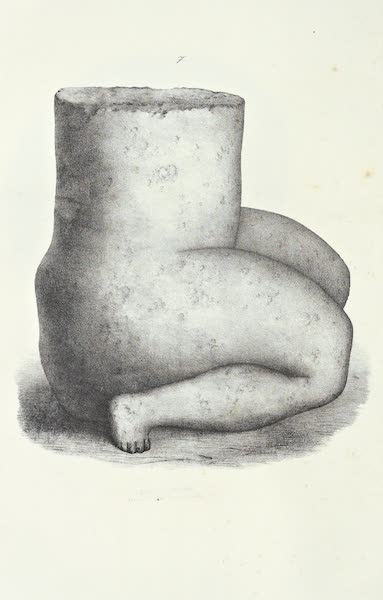 | 1er Expedition - Planche VII
|
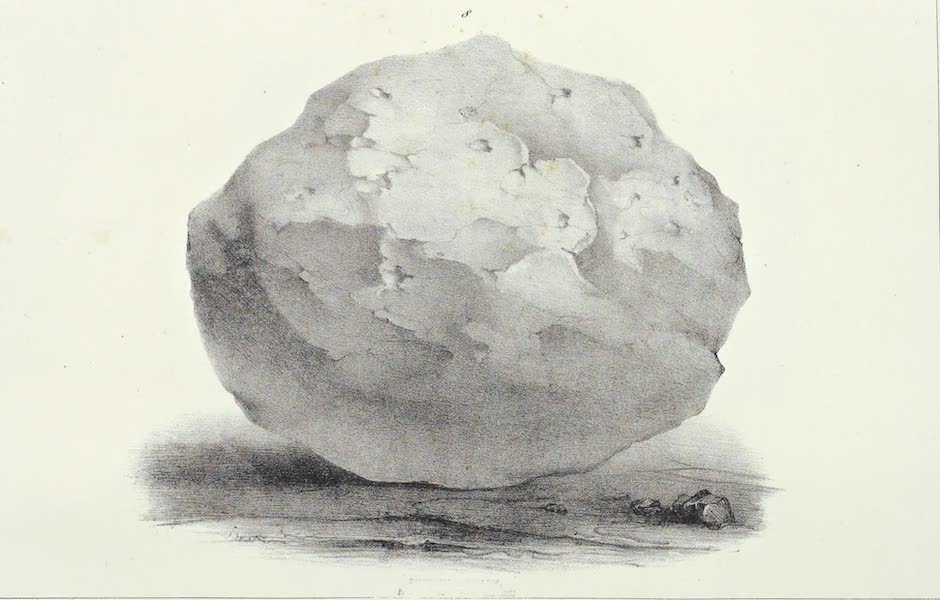 | 1er Expedition - Planche VIII
|
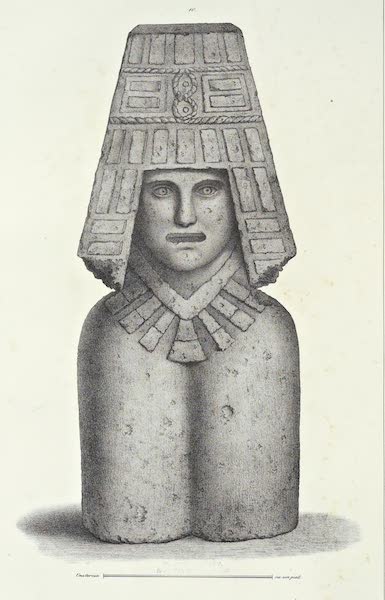 | 1er Expedition - Planche X
|
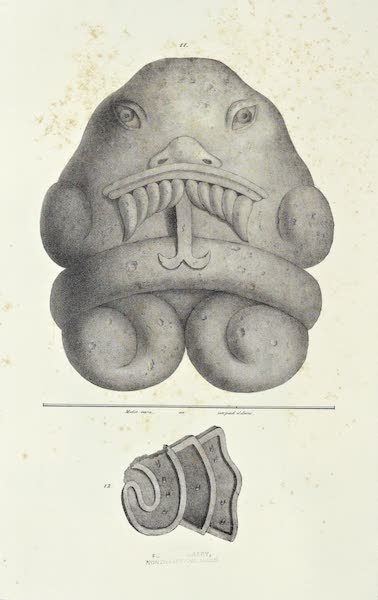 | 1er Expedition - Planche XI
|
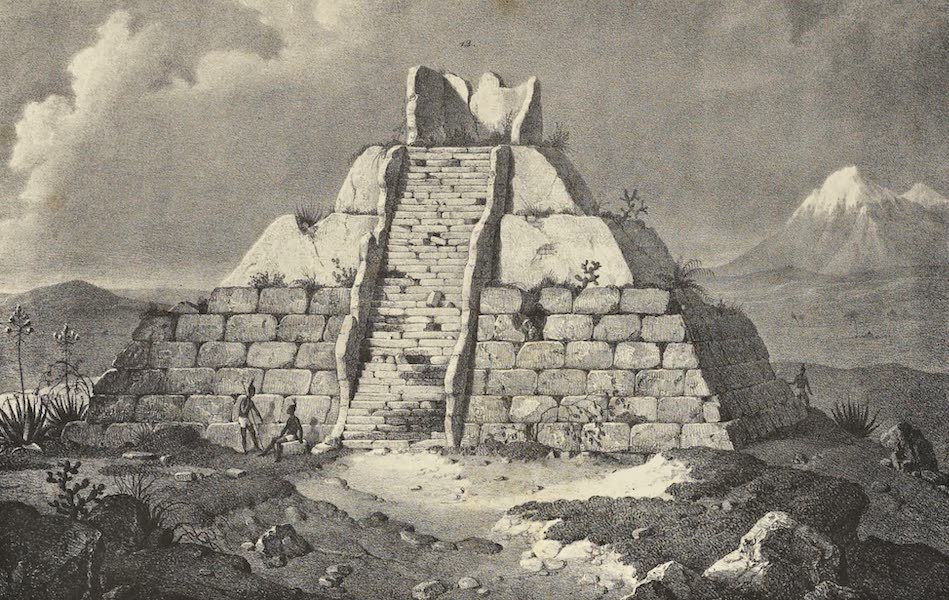 | 1er Expedition - Planche XII
|
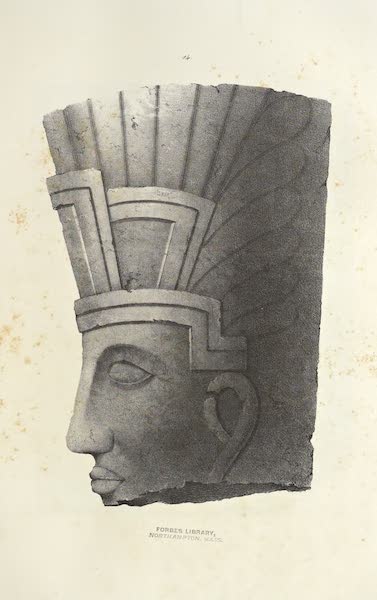 | 1er Expedition - Planche XIII
|
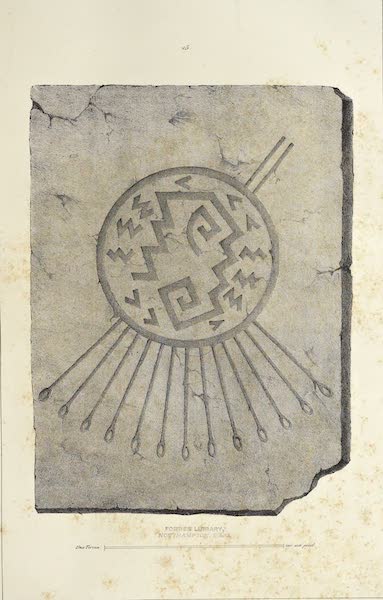 | 1er Expedition - Planche XIV
|
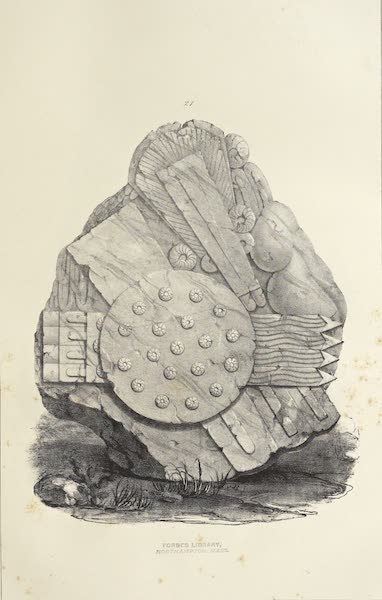 | 1er Expedition - Planche XIX
|
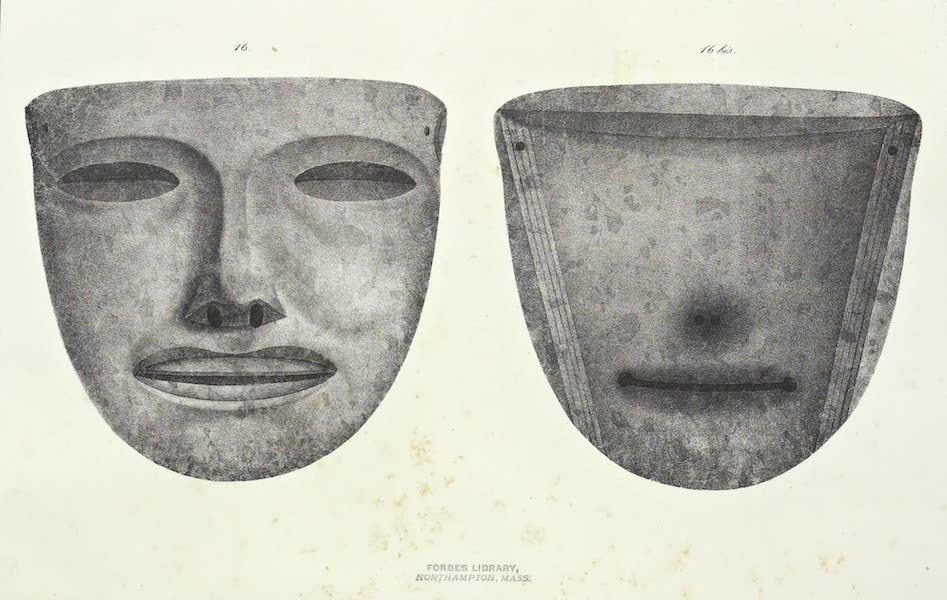 | 1er Expedition - Planche XV
|
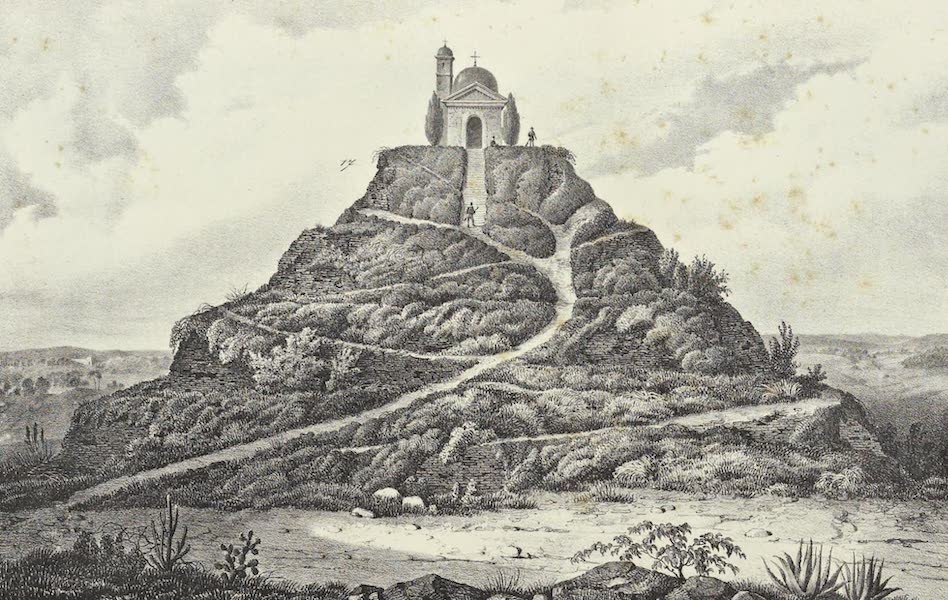 | 1er Expedition - Planche XVI
|
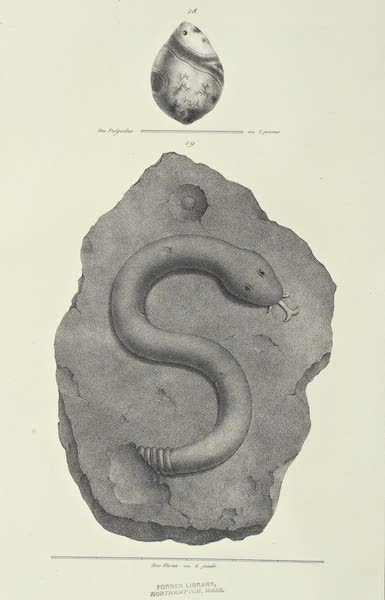 | 1er Expedition - Planche XVII
|
 | 1er Expedition - Planche XVIII
|
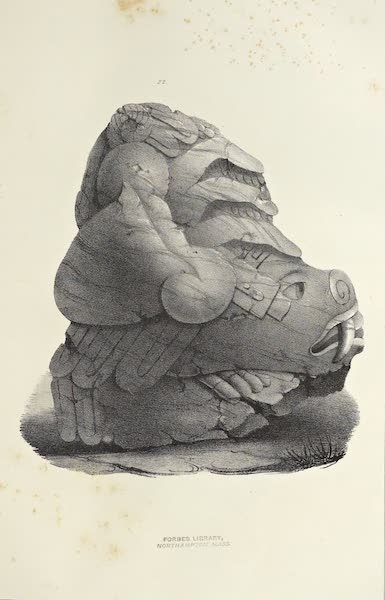 | 1er Expedition - Planche XX
|
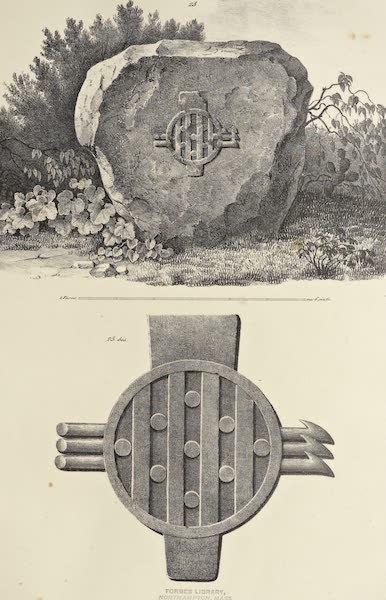 | 1er Expedition - Planche XXI
|
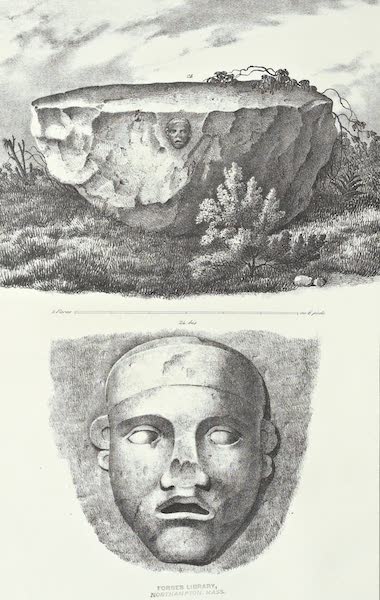 | 1er Expedition - Planche XXII
|
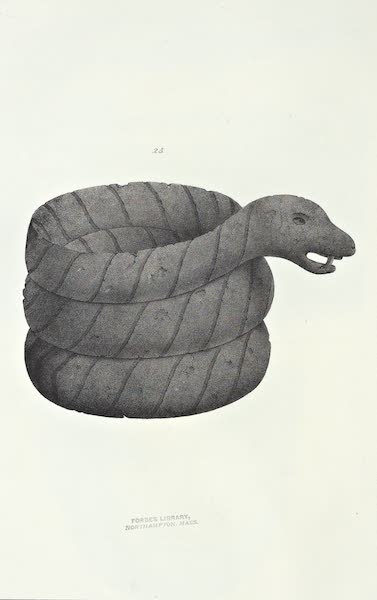 | 1er Expedition - Planche XXIII
|
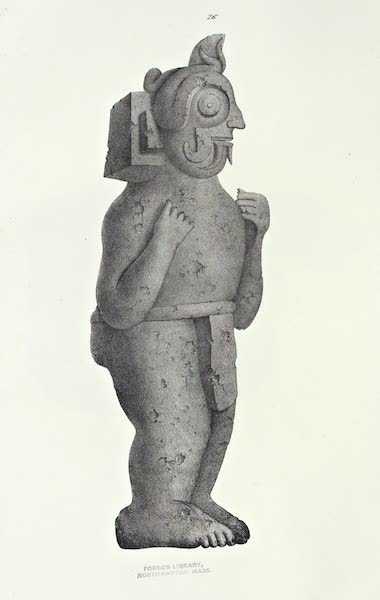 | 1er Expedition - Planche XXIV
|
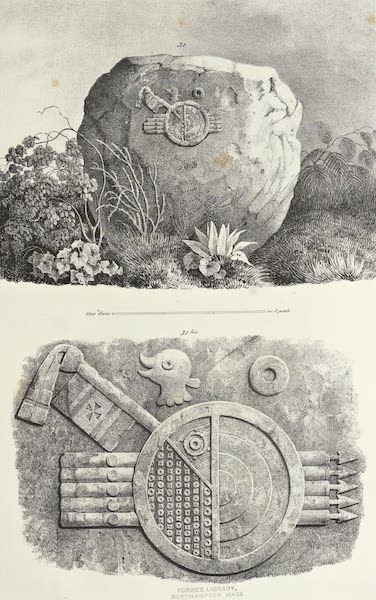 | 1er Expedition - Planche XXIX
|
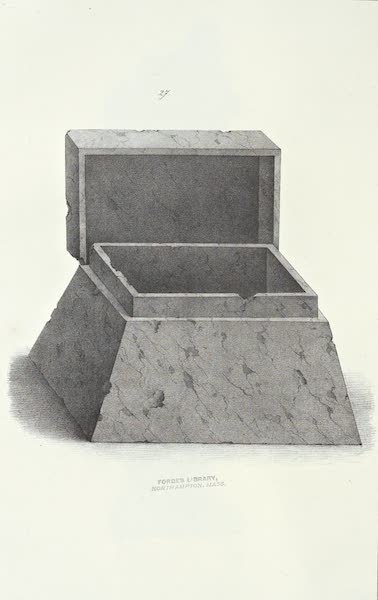 | 1er Expedition - Planche XXV
|
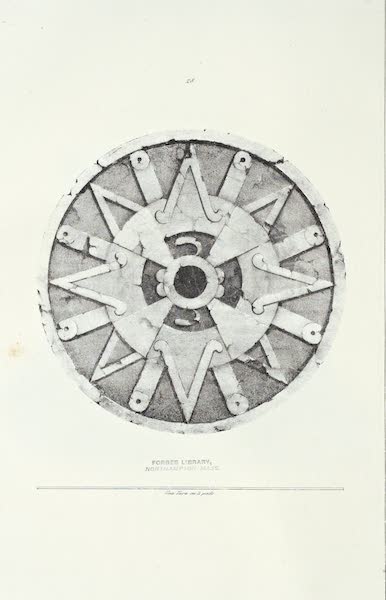 | 1er Expedition - Planche XXVI
|
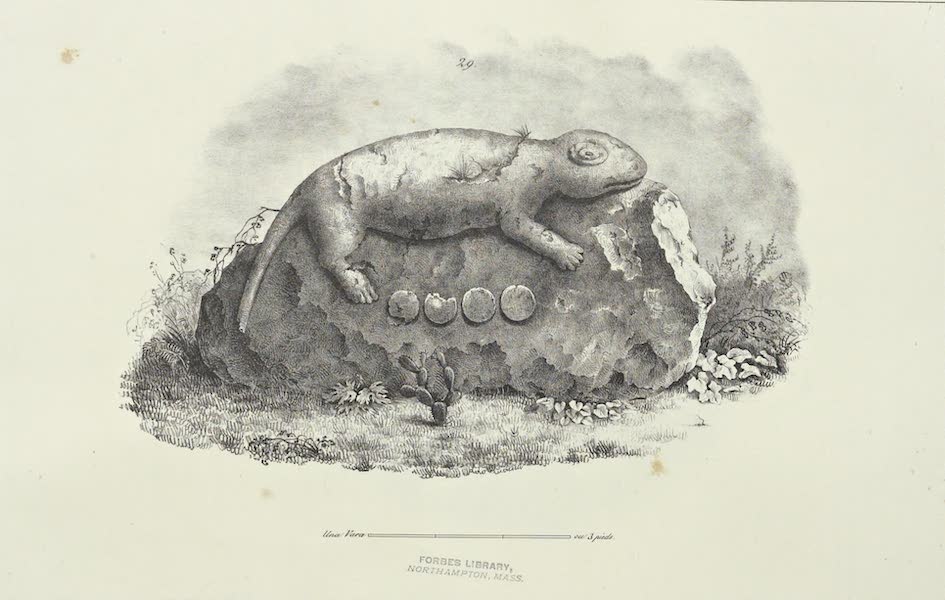 | 1er Expedition - Planche XXVII
|
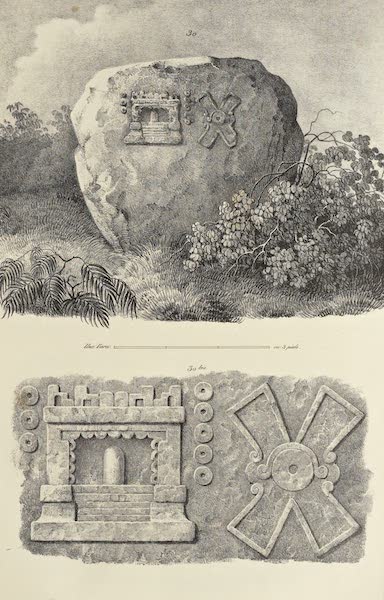 | 1er Expedition - Planche XXVIII
|
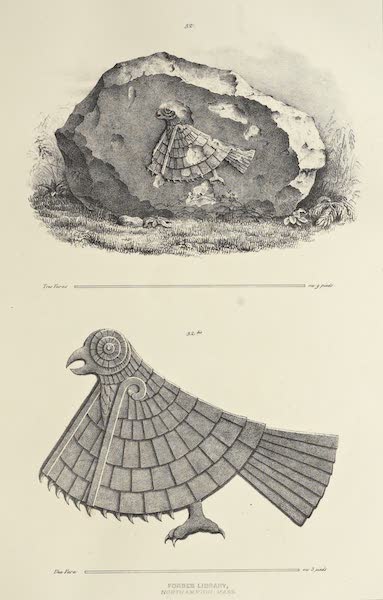 | 1er Expedition - Planche XXX
|
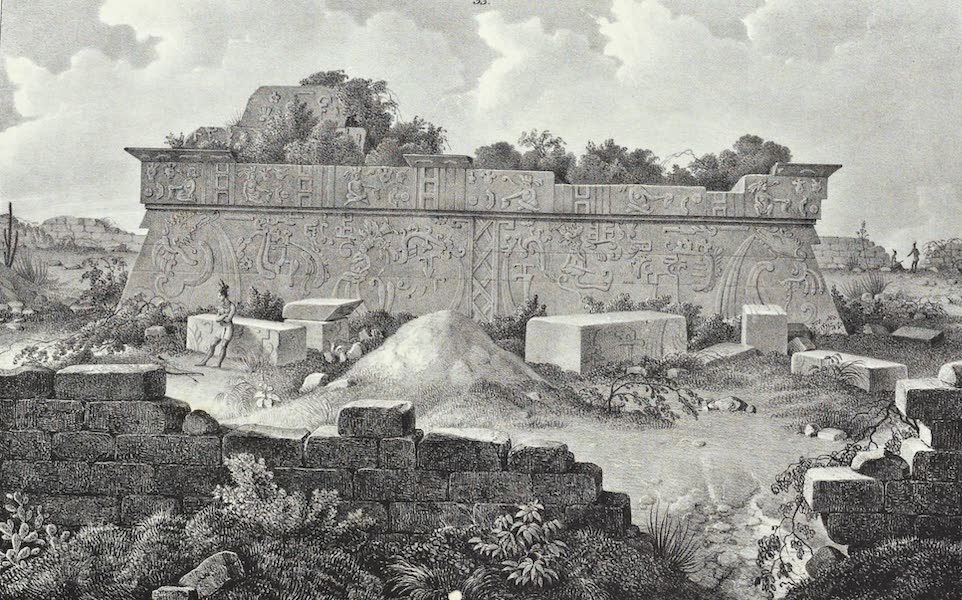 | 1er Expedition - Planche XXXI
|
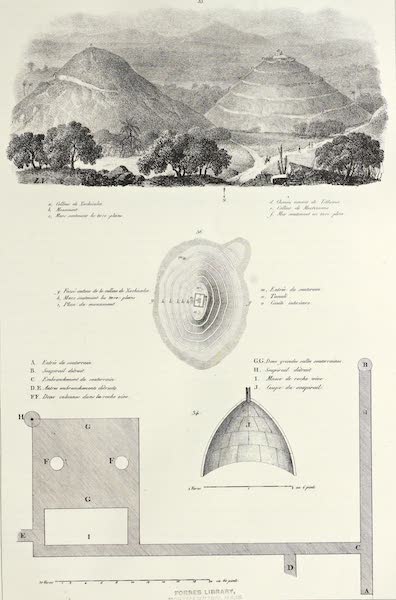 | 1er Expedition - Planche XXXII
|
 | 1st and 3rd Brahmans
|
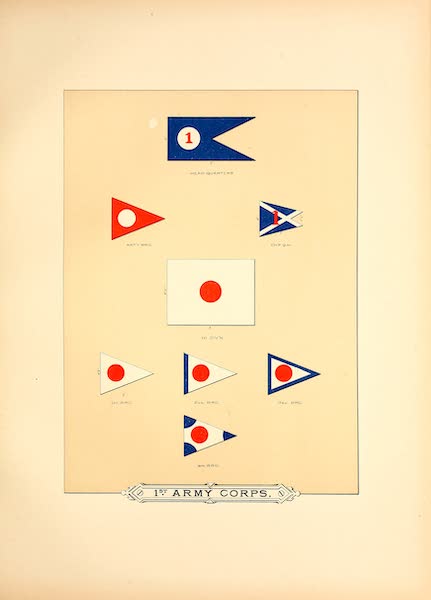 | 1st Army Corps (I)
|
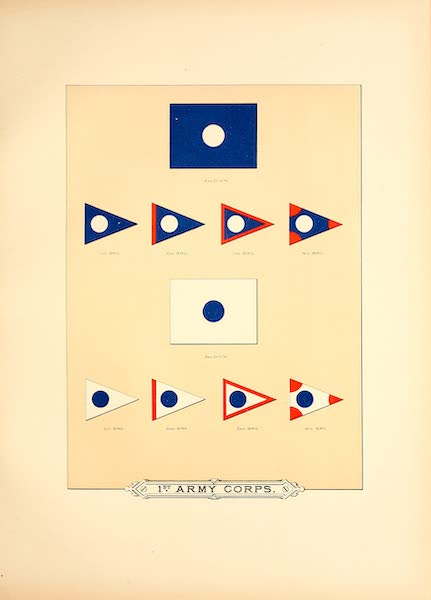 | 1st Army Corps (II)
|
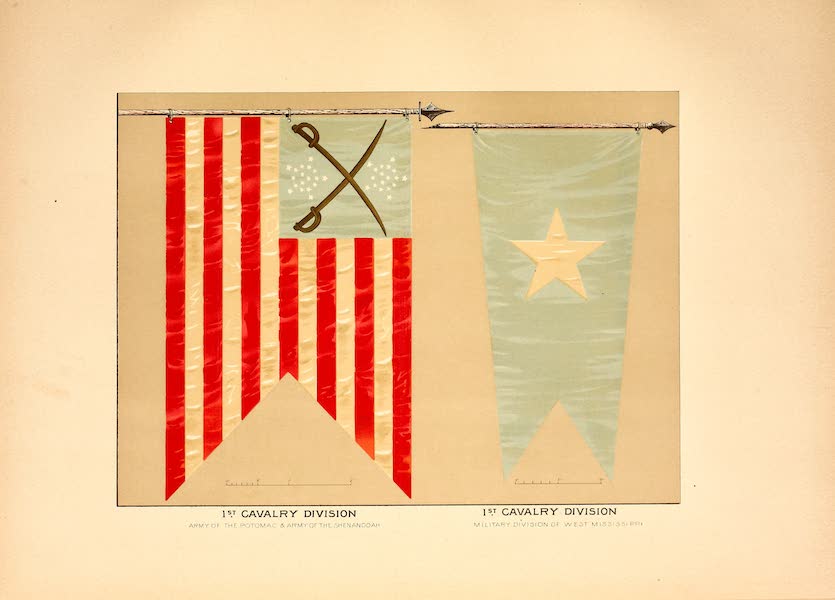 | 1st Cavalry Division
|
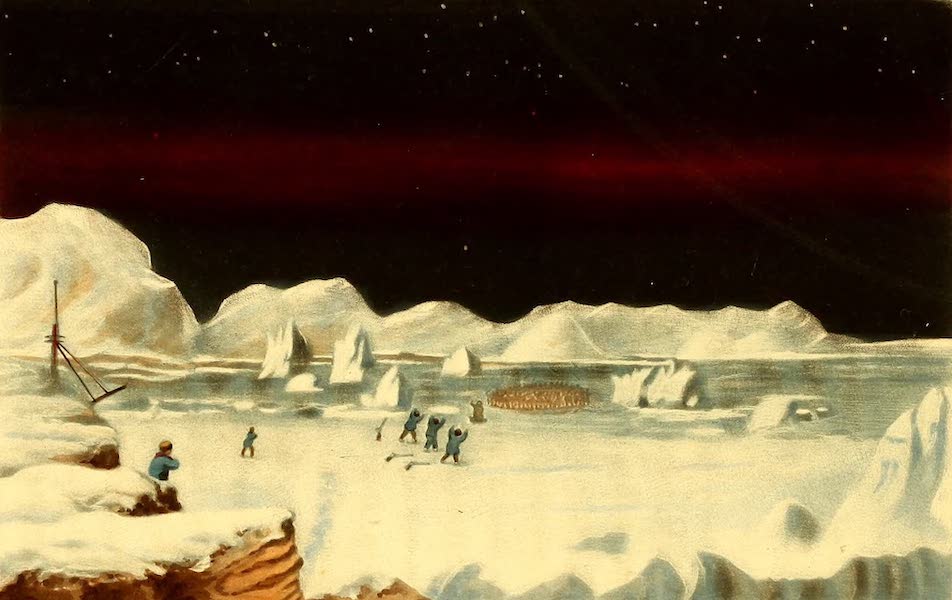 | 1st Communication
|
 | 1st Duke of York's Own Lancers and 3rd Skinner's Horse
|
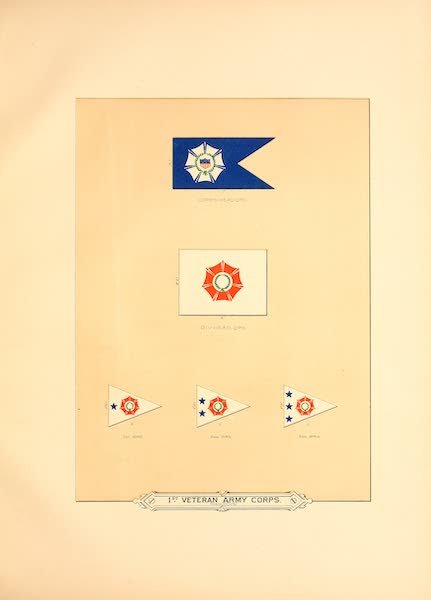 | 1st Veteran Army Corps
|
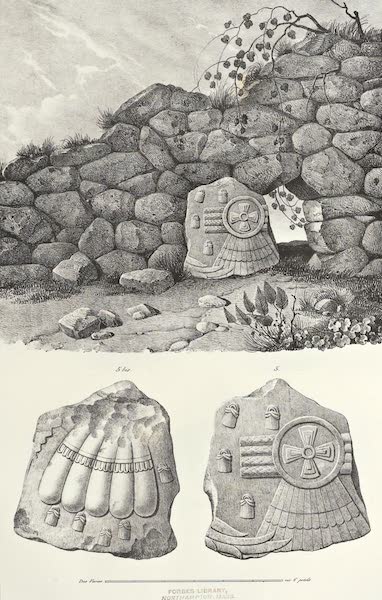 | 2ème Expedition - Planche III
|
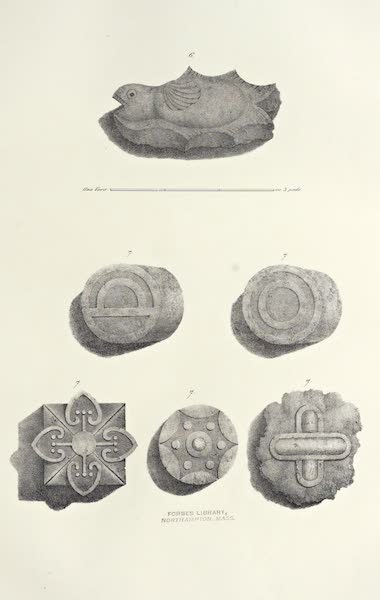 | 2ème Expedition - Planche IV
|
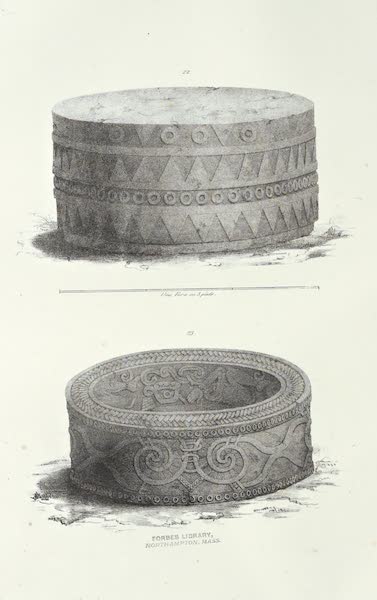 | 2ème Expedition - Planche IX
|
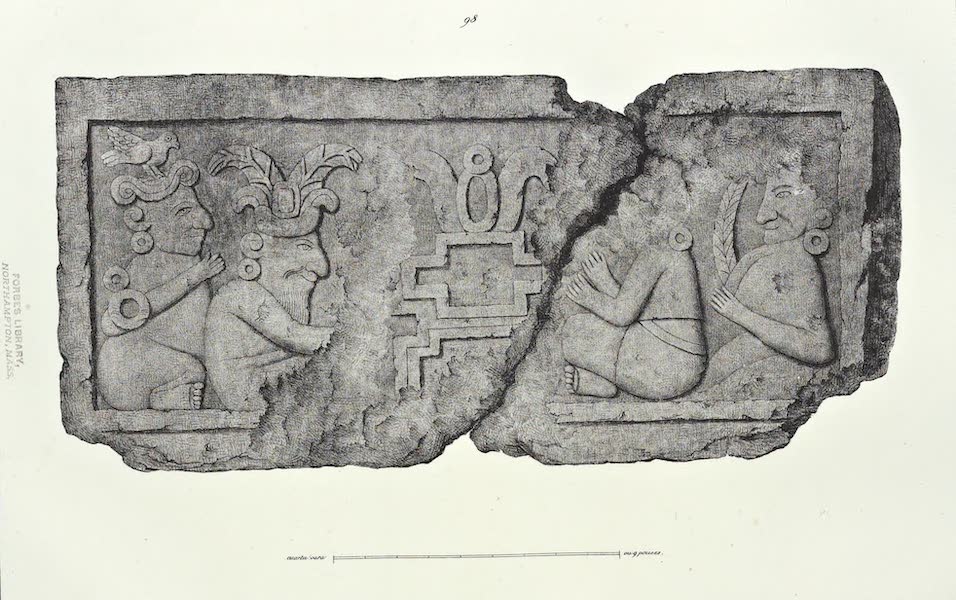 | 2ème Expedition - Planche L
|
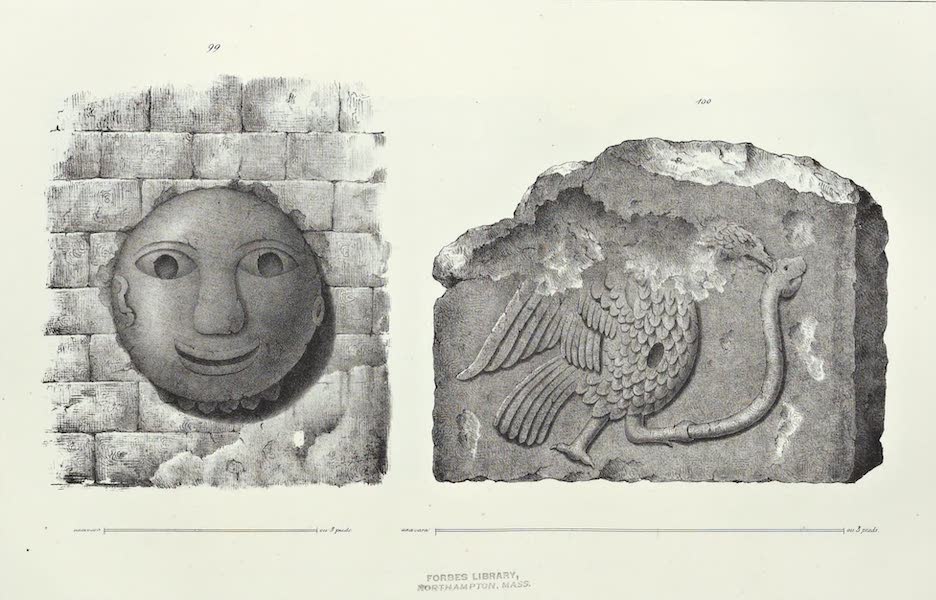 | 2ème Expedition - Planche LI
|
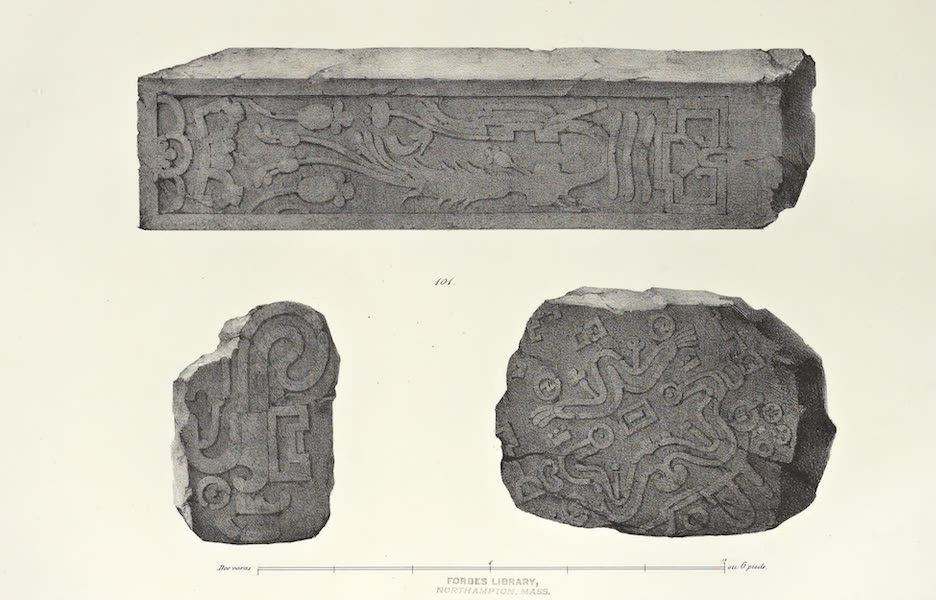 | 2ème Expedition - Planche LII
|
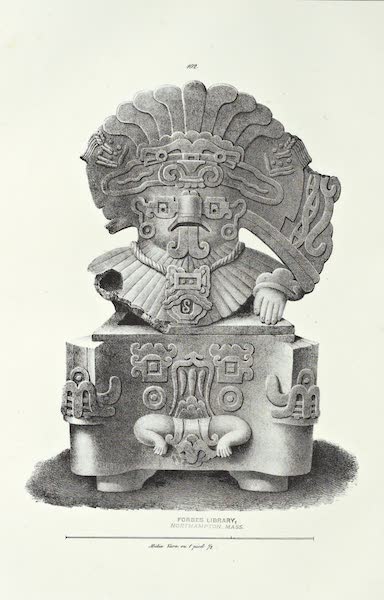 | 2ème Expedition - Planche LIII
|
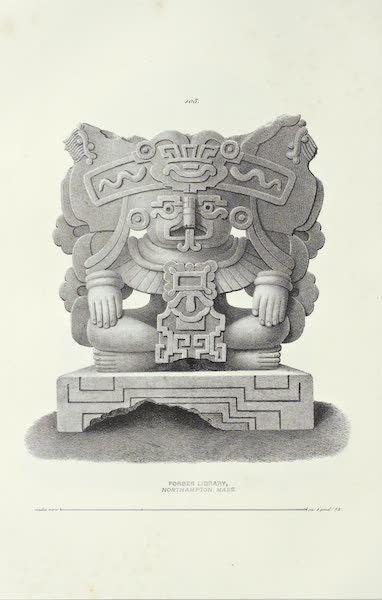 | 2ème Expedition - Planche LIV
|
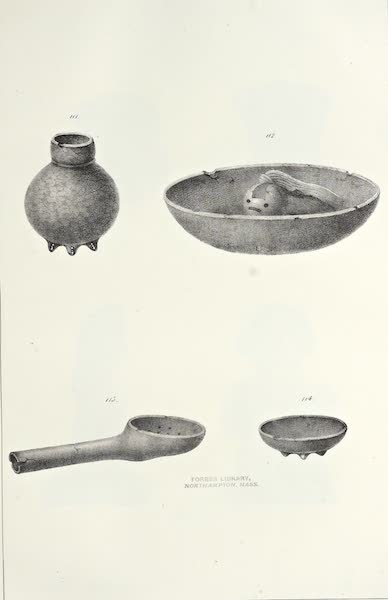 | 2ème Expedition - Planche LIX
|
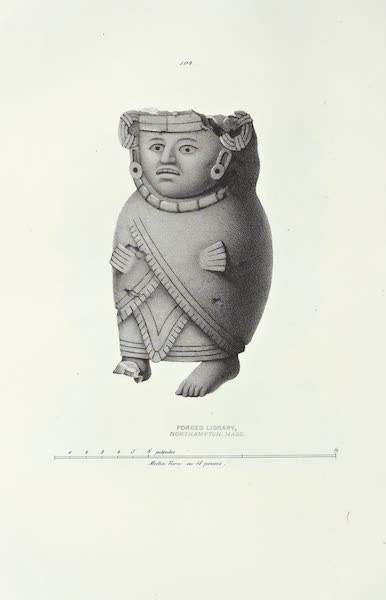 | 2ème Expedition - Planche LV
|
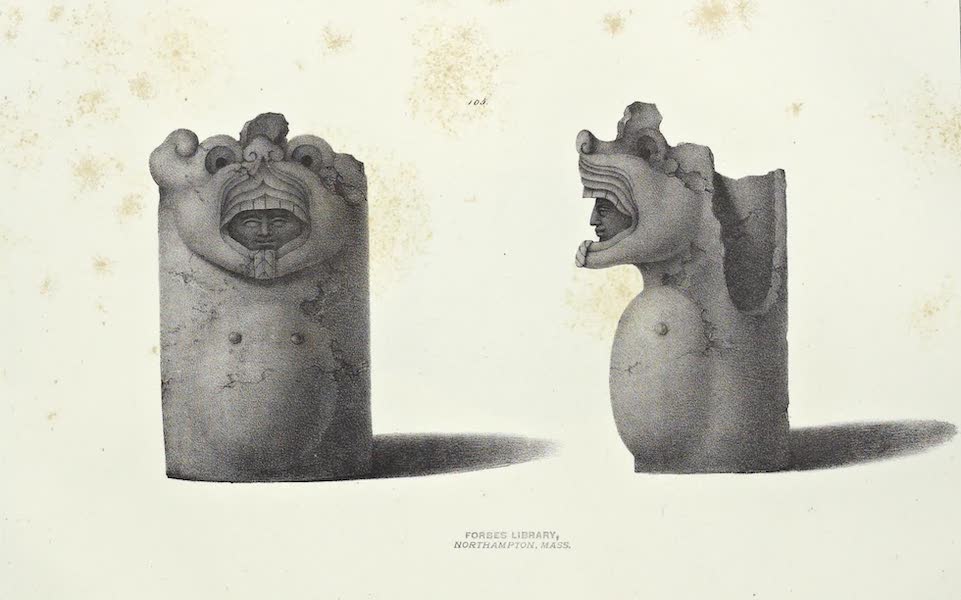 | 2ème Expedition - Planche LVI
|
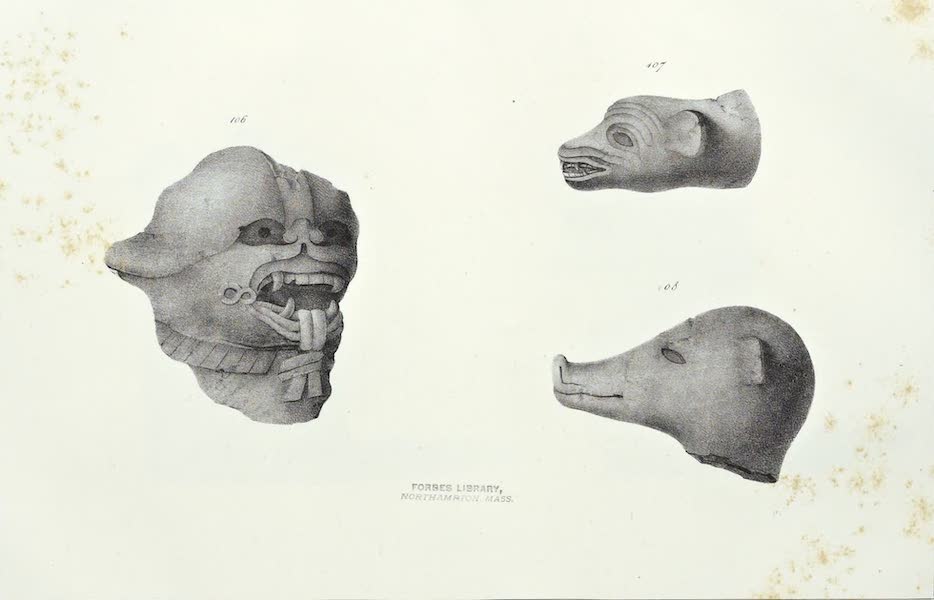 | 2ème Expedition - Planche LVII
|
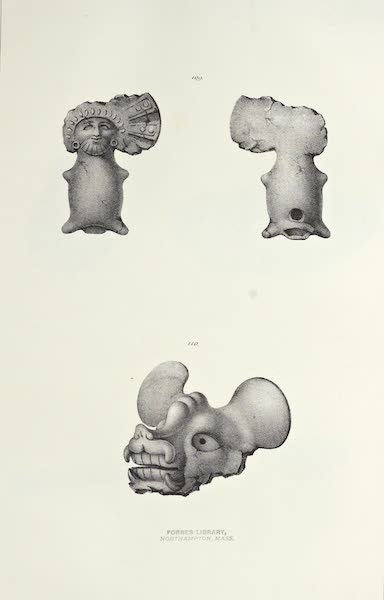 | 2ème Expedition - Planche LVIII
|
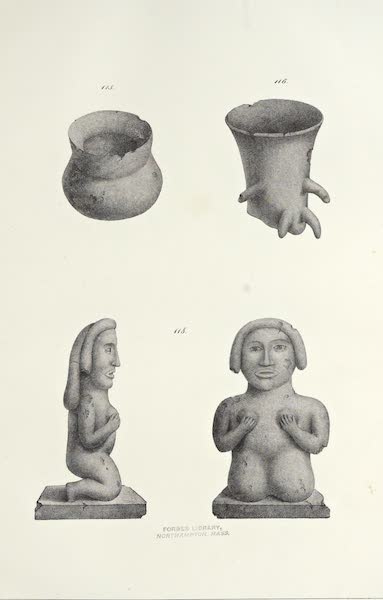 | 2ème Expedition - Planche LX
|
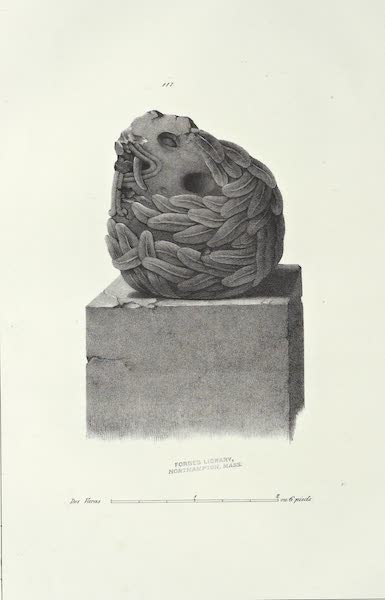 | 2ème Expedition - Planche LXI
|
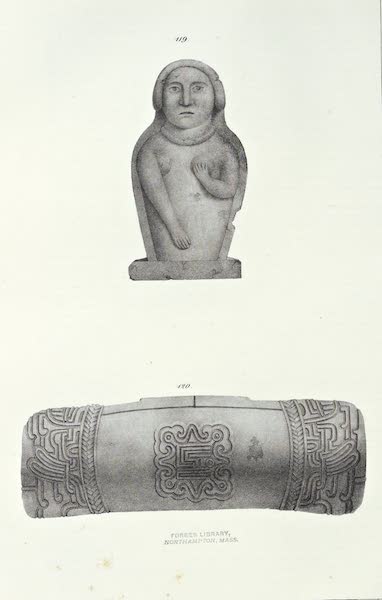 | 2ème Expedition - Planche LXII
|
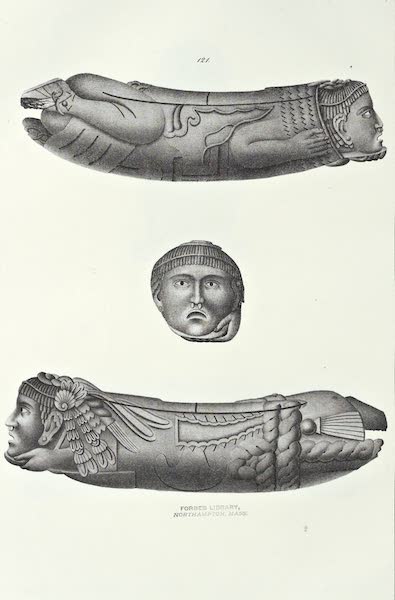 | 2ème Expedition - Planche LXIII
|
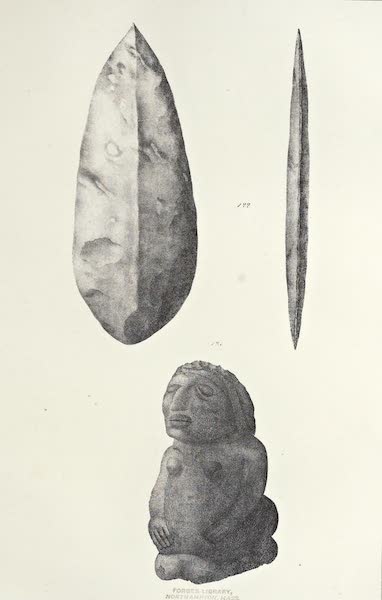 | 2ème Expedition - Planche LXIV
|
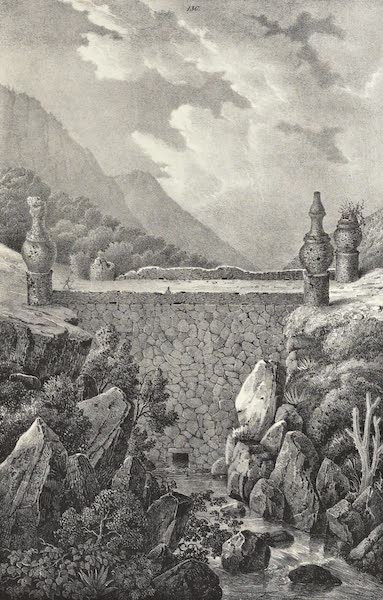 | 2ème Expedition - Planche LXIX
|
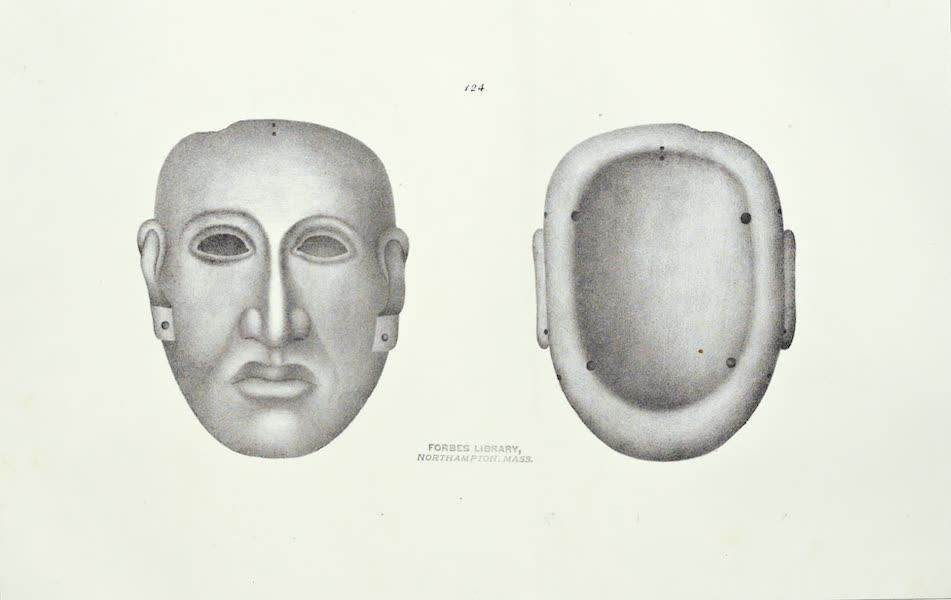 | 2ème Expedition - Planche LXV
|
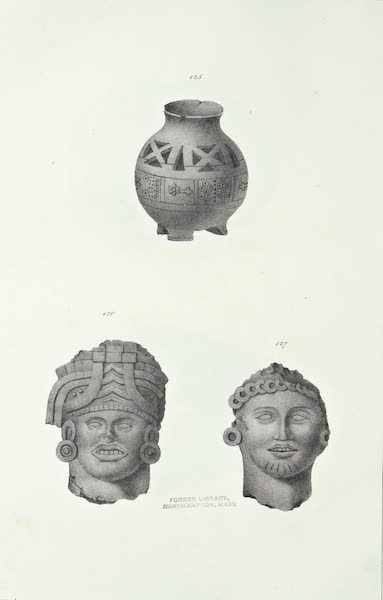 | 2ème Expedition - Planche LXVI
|
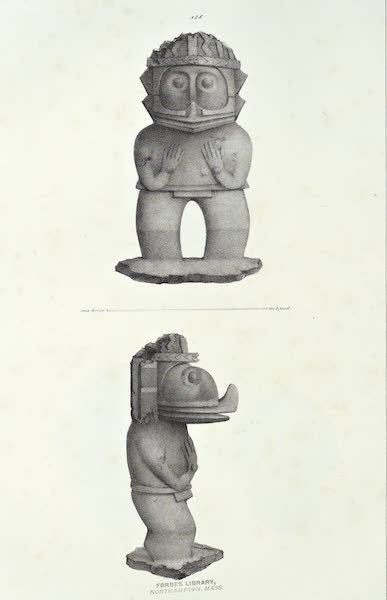 | 2ème Expedition - Planche LXVII
|
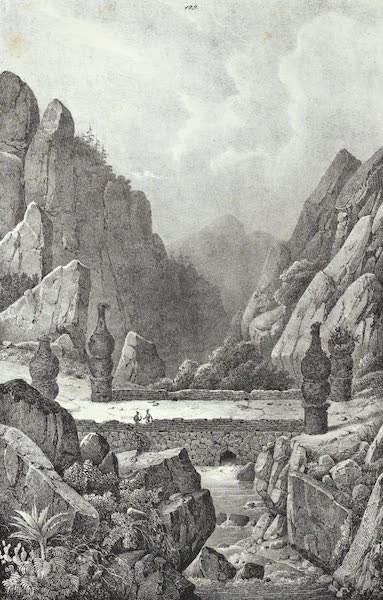 | 2ème Expedition - Planche LXVIII
|
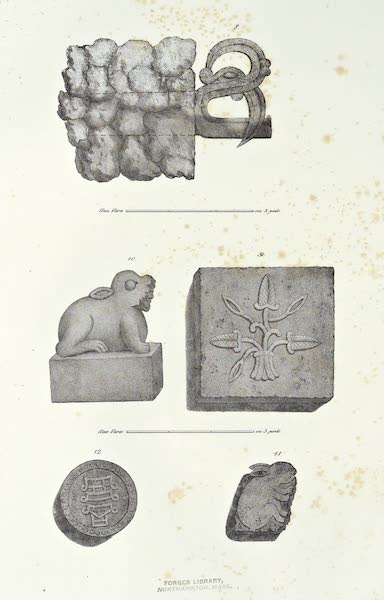 | 2ème Expedition - Planche V
|
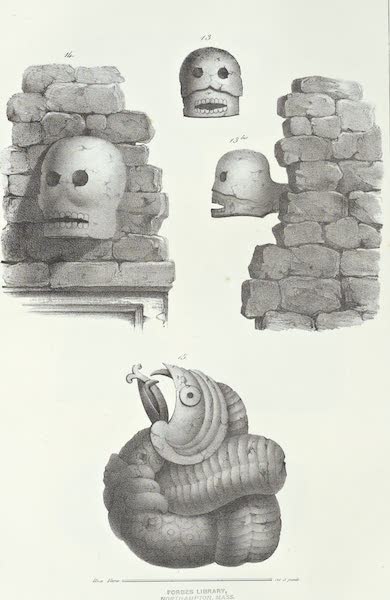 | 2ème Expedition - Planche VI
|
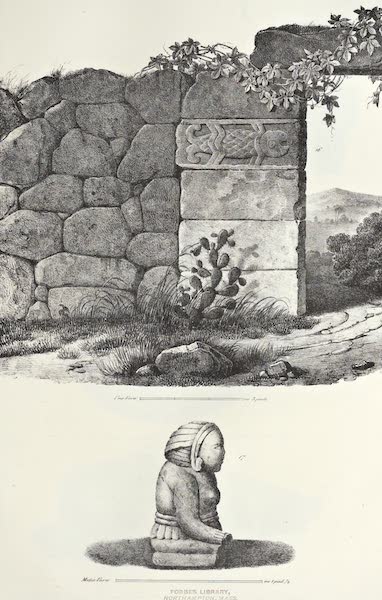 | 2ème Expedition - Planche VII
|
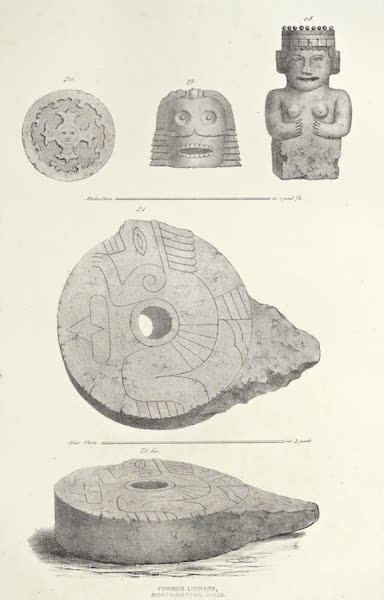 | 2ème Expedition - Planche VIII
|
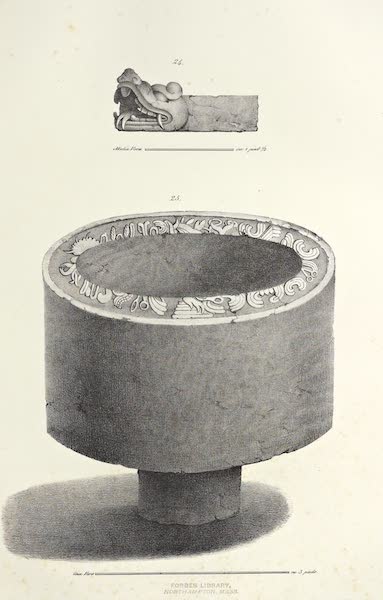 | 2ème Expedition - Planche X
|
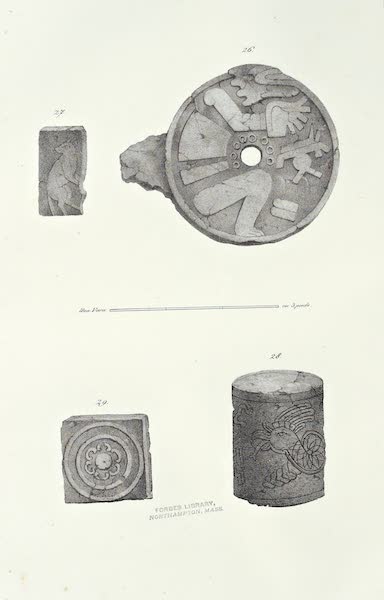 | 2ème Expedition - Planche XI
|
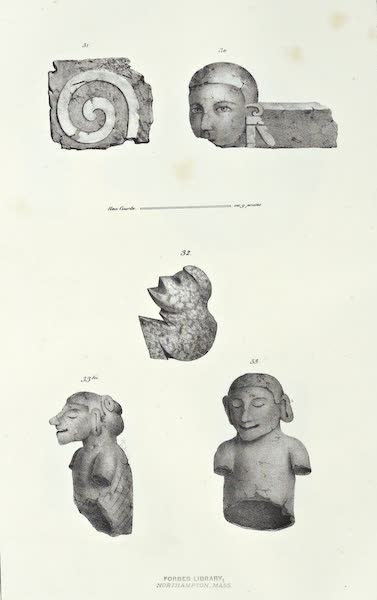 | 2ème Expedition - Planche XII
|
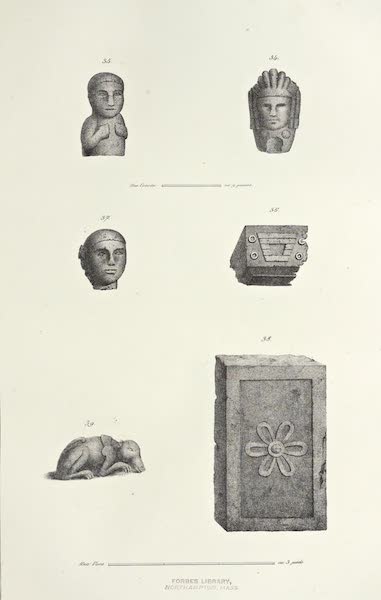 | 2ème Expedition - Planche XIII
|
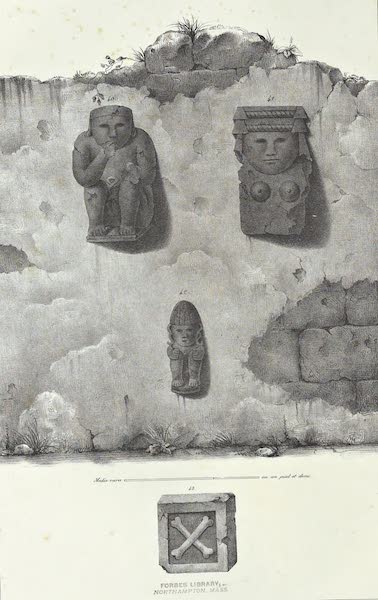 | 2ème Expedition - Planche XIV
|
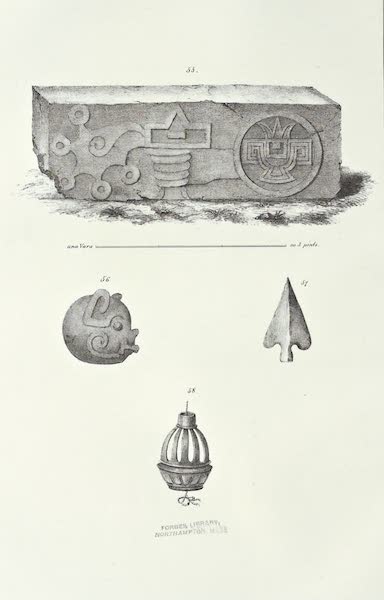 | 2ème Expedition - Planche XIX
|
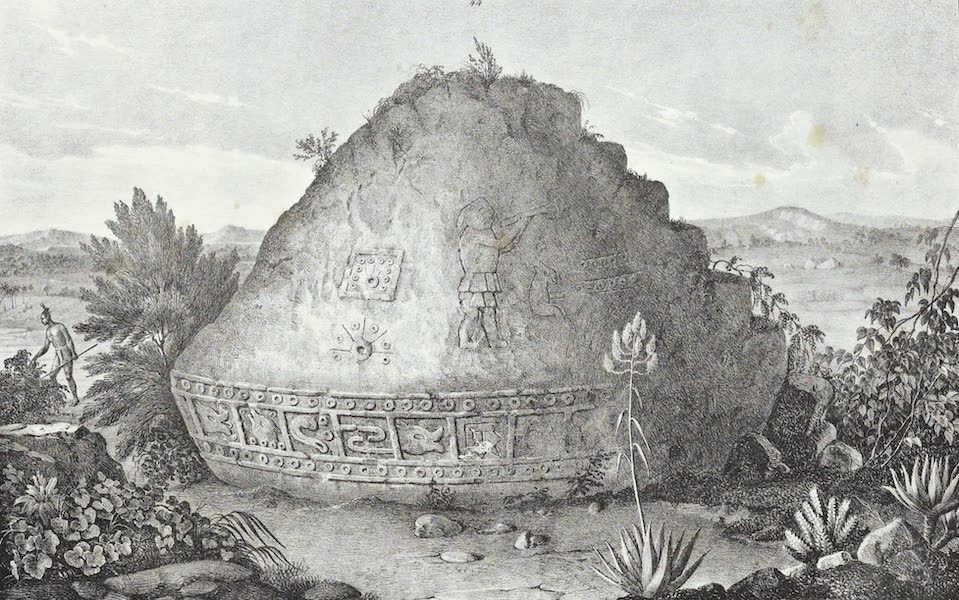 | 2ème Expedition - Planche XV
|
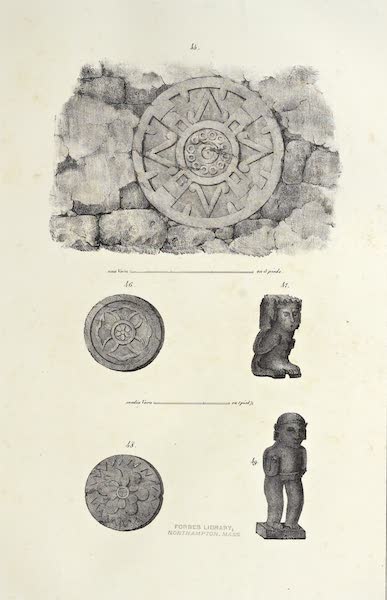 | 2ème Expedition - Planche XVI
|
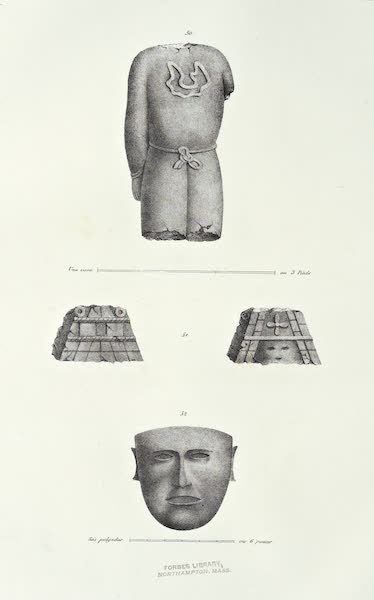 | 2ème Expedition - Planche XVII
|
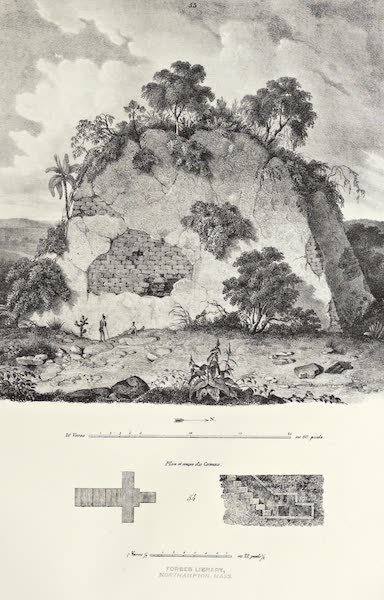 | 2ème Expedition - Planche XVIII
|
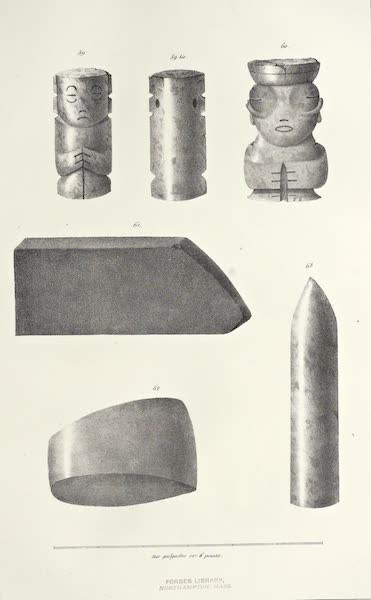 | 2ème Expedition - Planche XX
|
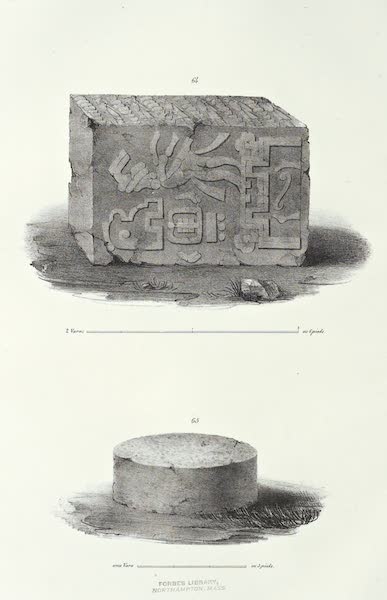 | 2ème Expedition - Planche XXI
|
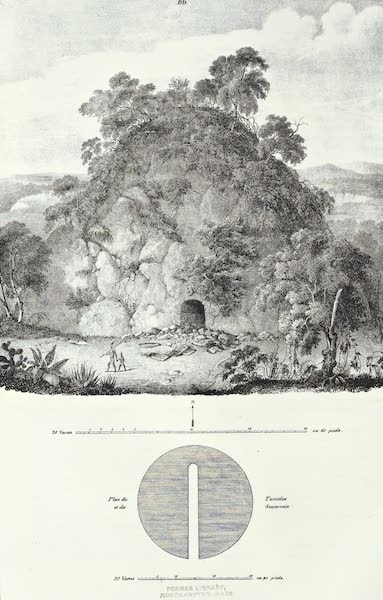 | 2ème Expedition - Planche XXII
|
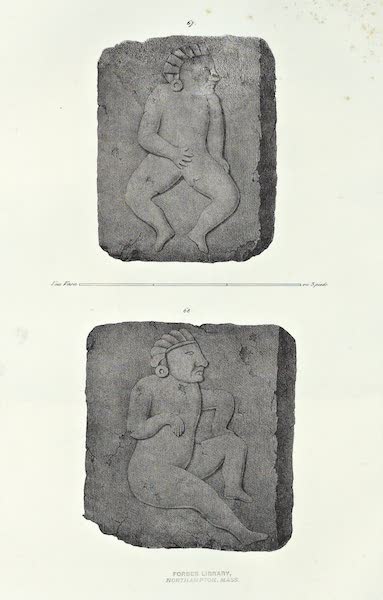 | 2ème Expedition - Planche XXIII
|
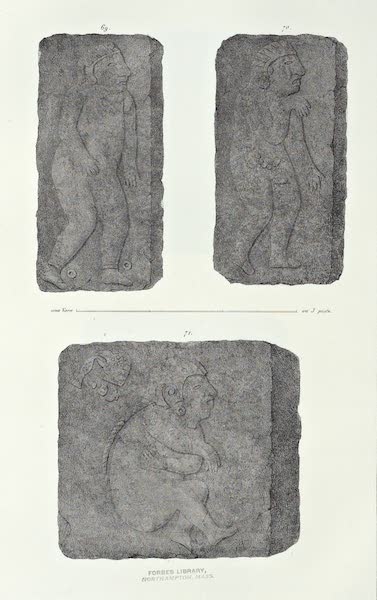 | 2ème Expedition - Planche XXIV
|
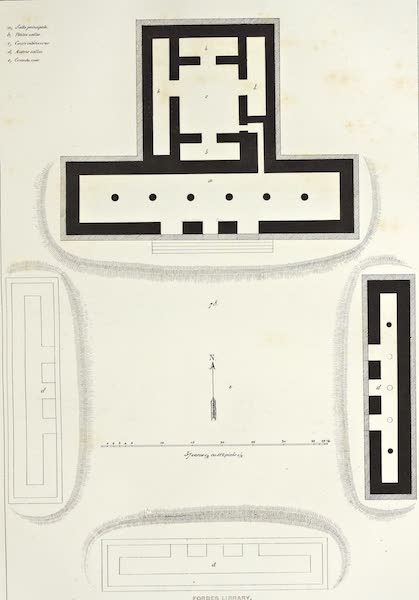 | 2ème Expedition - Planche XXIX
|
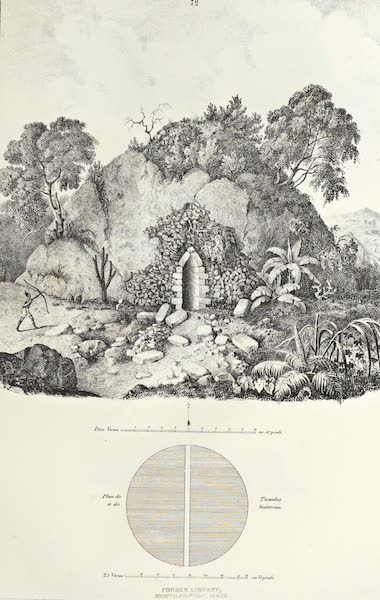 | 2ème Expedition - Planche XXV
|
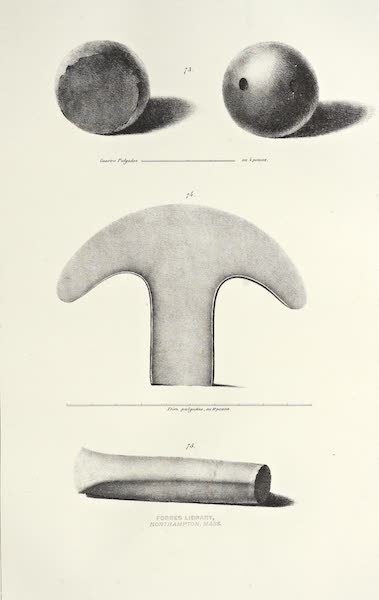 | 2ème Expedition - Planche XXVI
|
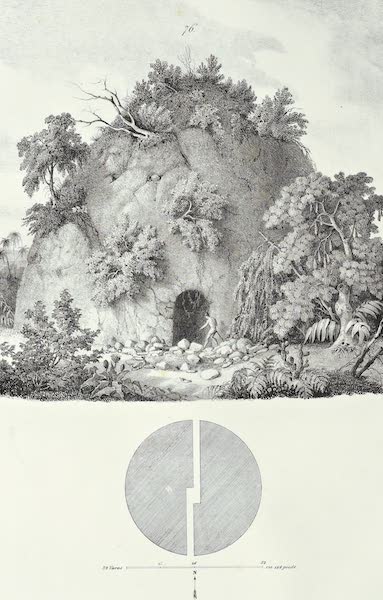 | 2ème Expedition - Planche XXVII
|
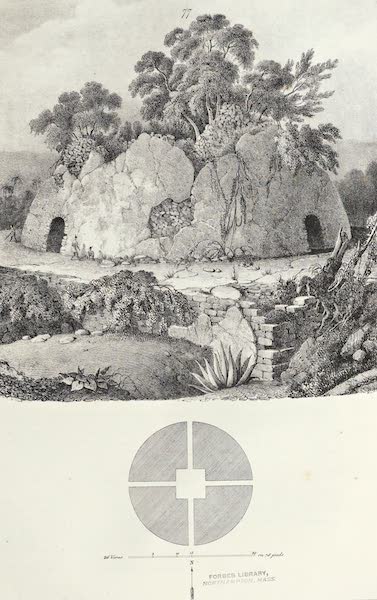 | 2ème Expedition - Planche XXVIII
|
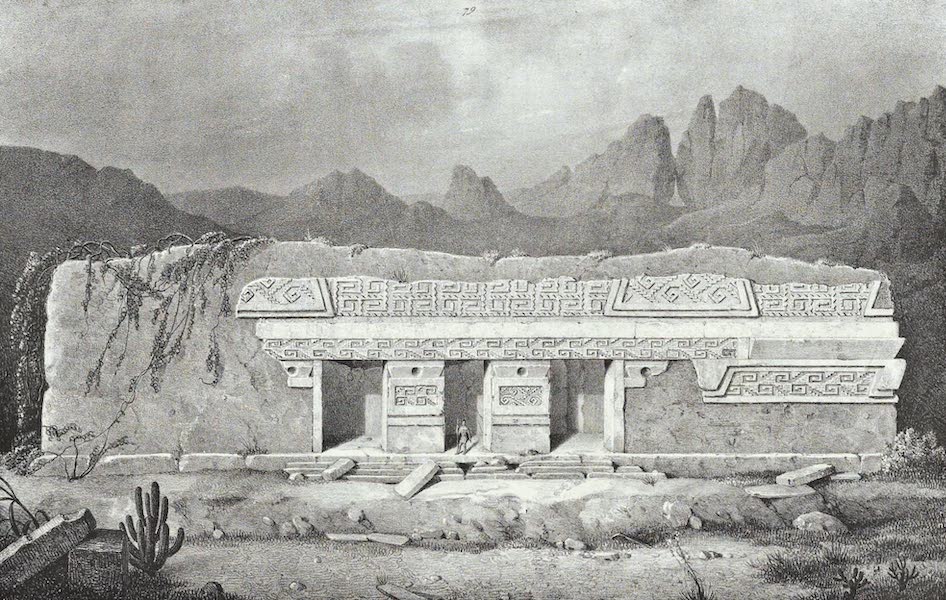 | 2ème Expedition - Planche XXX
|
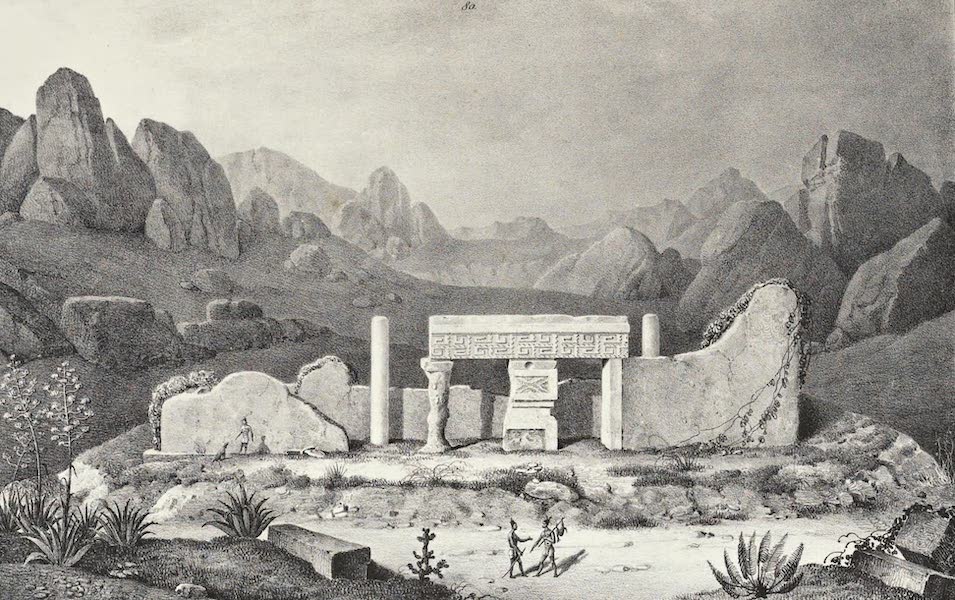 | 2ème Expedition - Planche XXXI
|
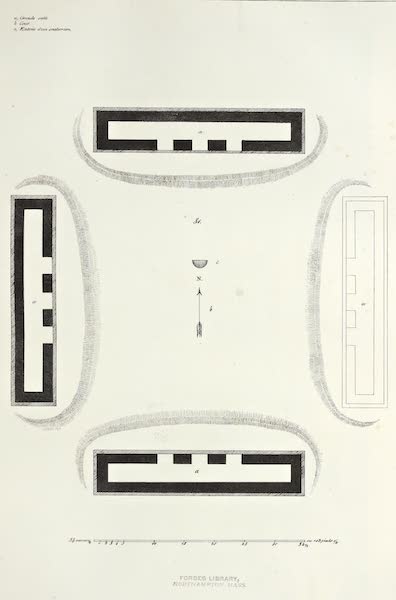 | 2ème Expedition - Planche XXXII
|
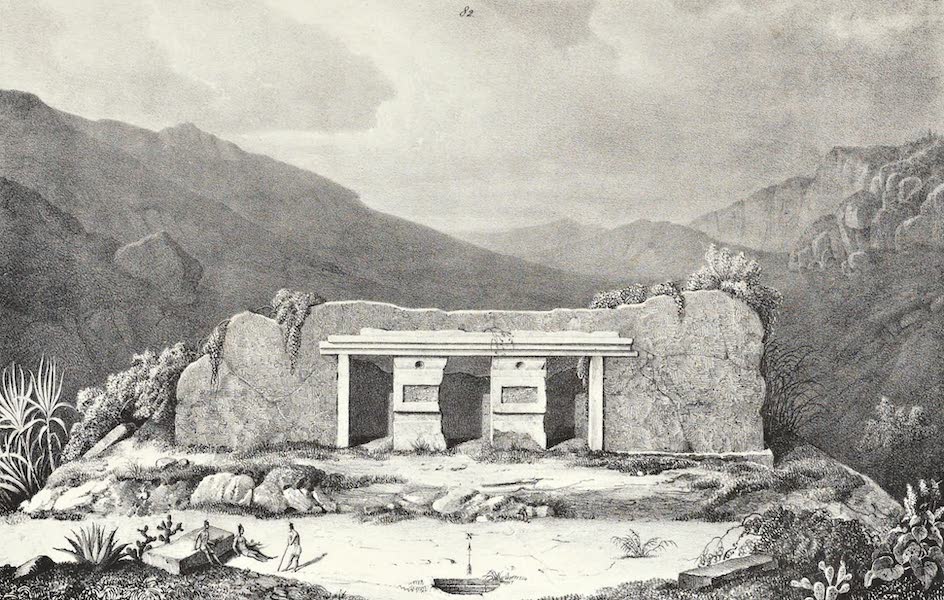 | 2ème Expedition - Planche XXXIII
|
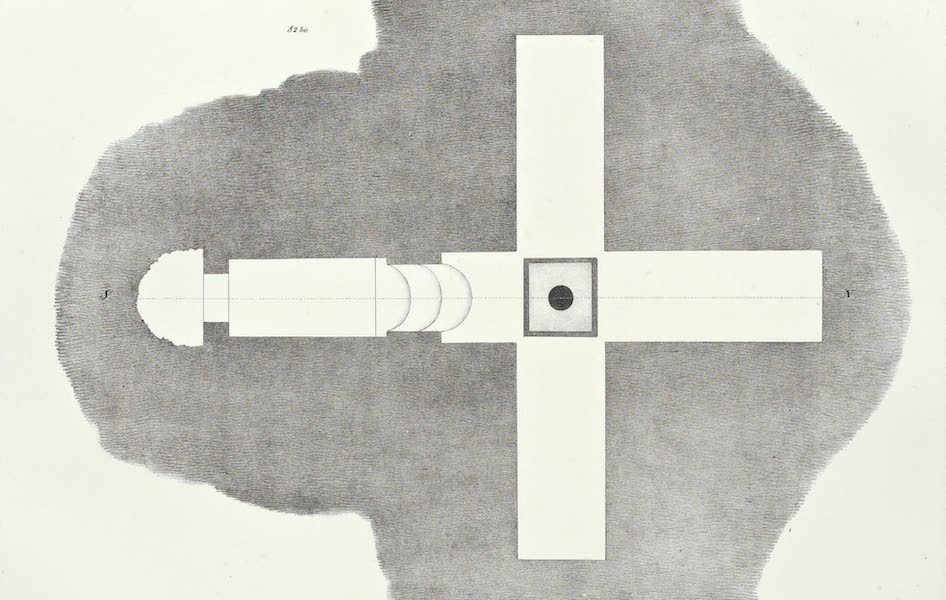 | 2ème Expedition - Planche XXXIV
|
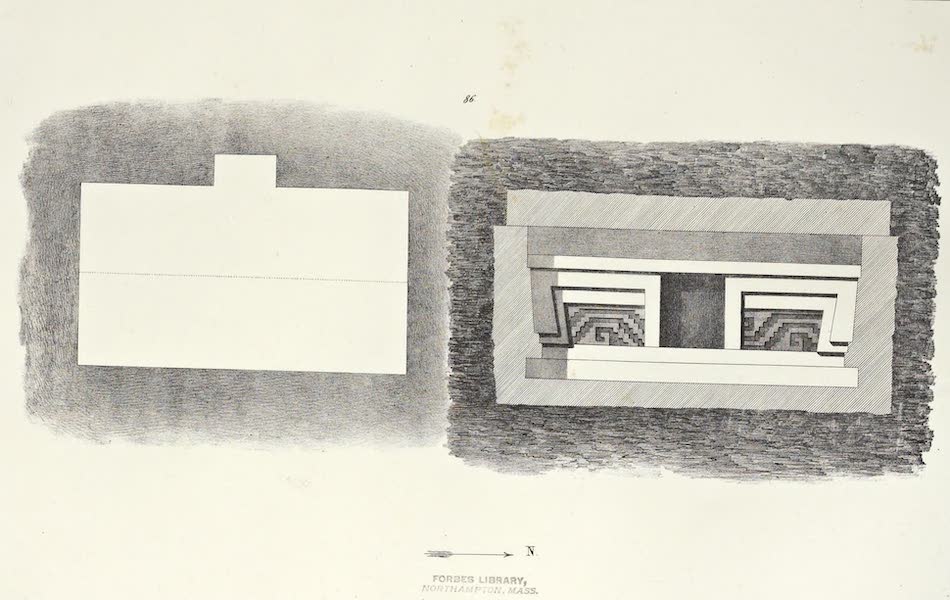 | 2ème Expedition - Planche XXXIX
|
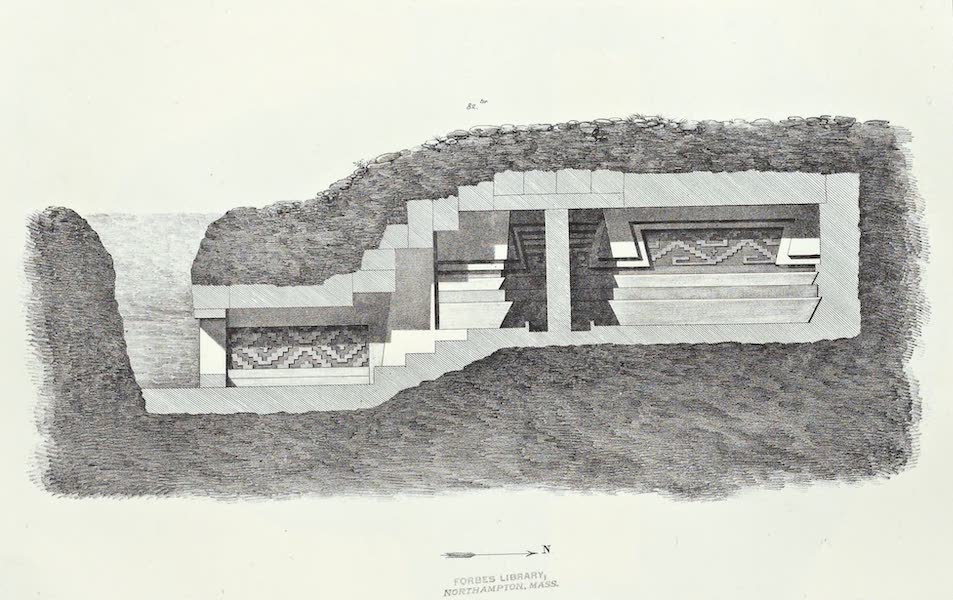 | 2ème Expedition - Planche XXXV
|
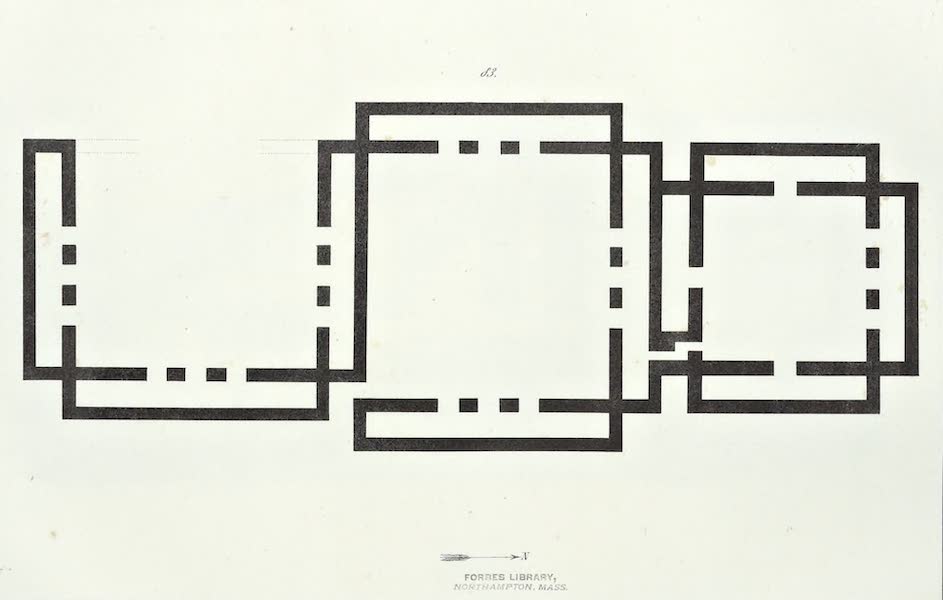 | 2ème Expedition - Planche XXXVI
|
 | 2ème Expedition - Planche XXXVII
|
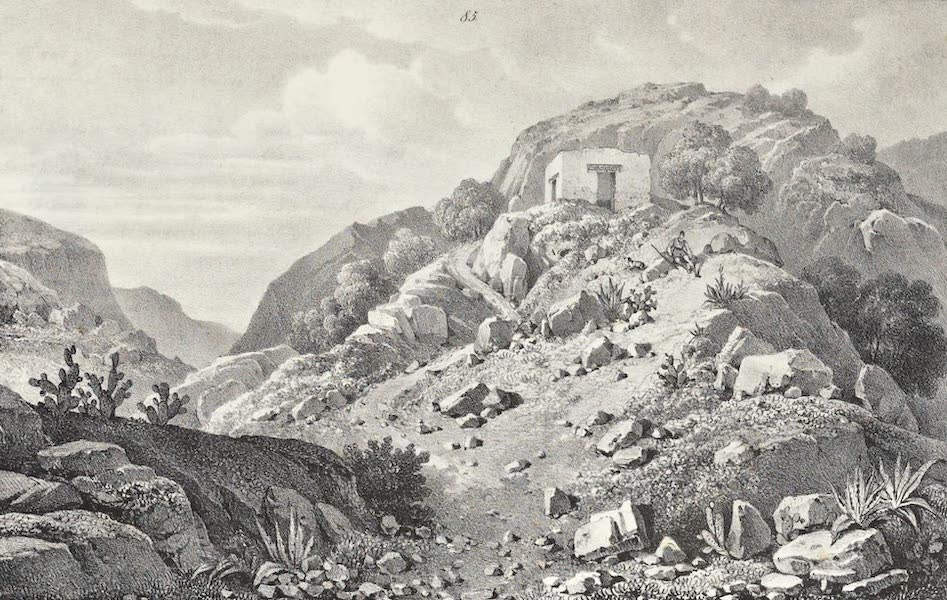 | 2ème Expedition - Planche XXXVIII
|
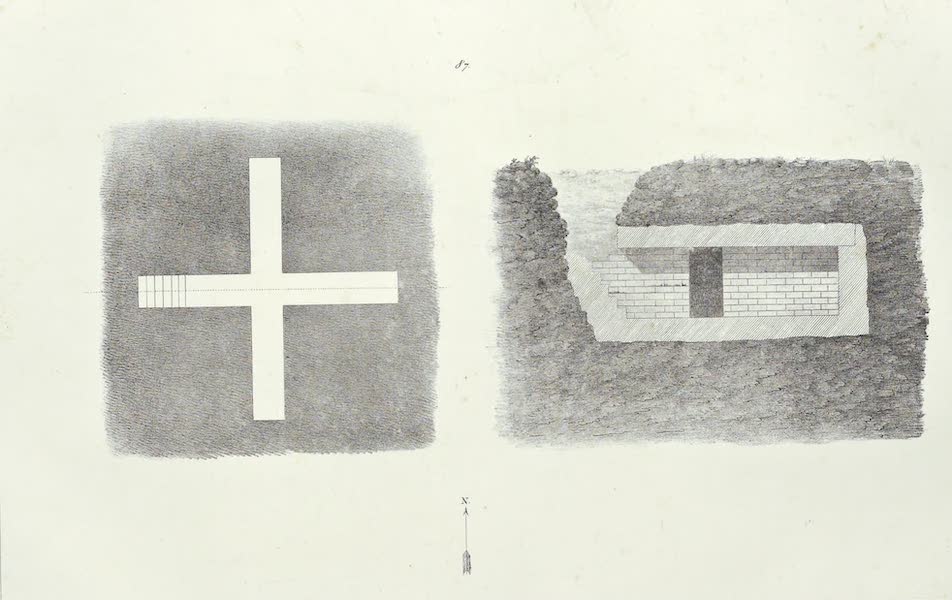 | 2ème Expedition - Planche XXXX
|
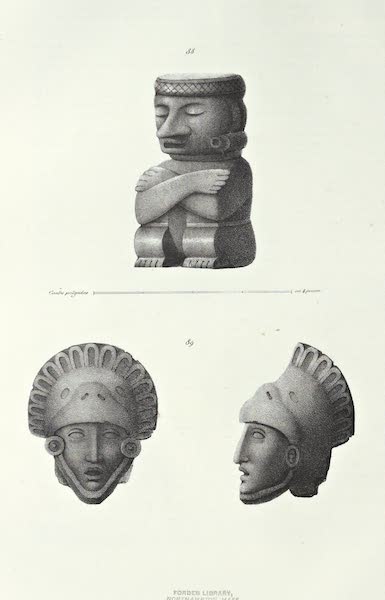 | 2ème Expedition - Planche XXXXI
|
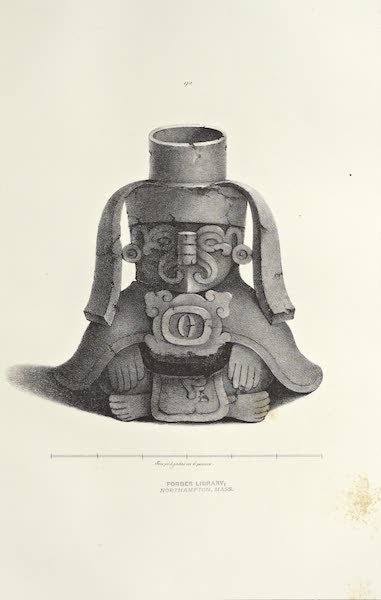 | 2ème Expedition - Planche XXXXII
|
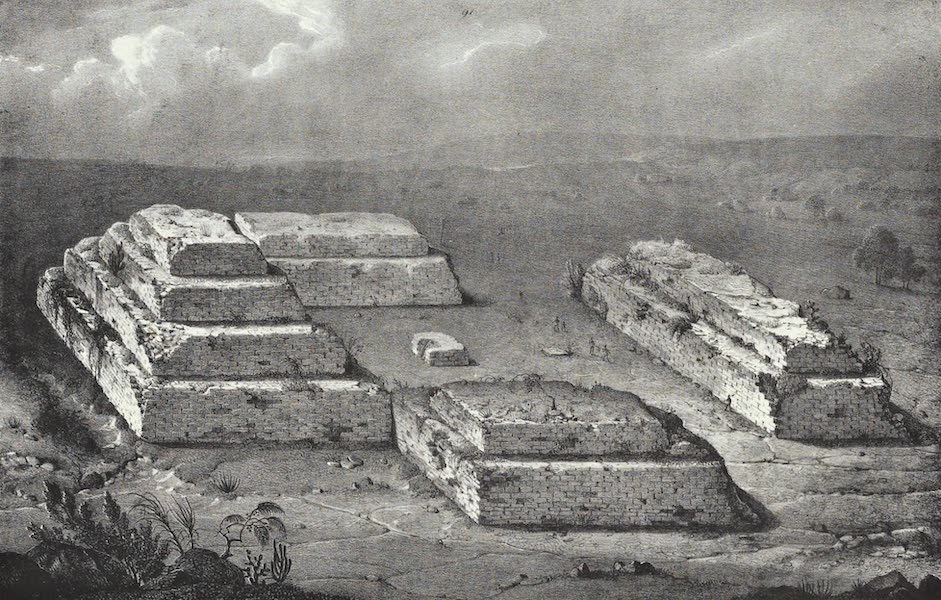 | 2ème Expedition - Planche XXXXIII
|
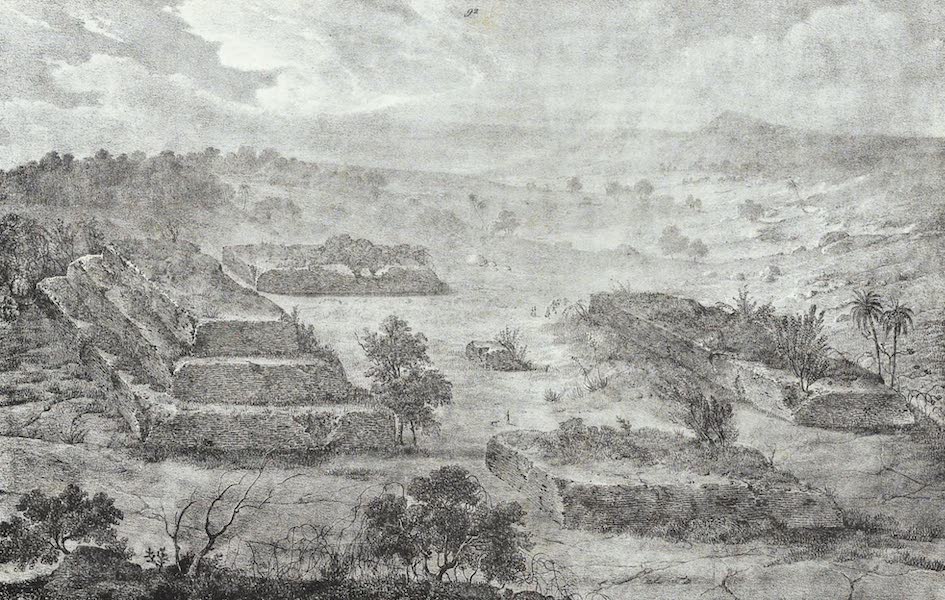 | 2ème Expedition - Planche XXXXIV
|
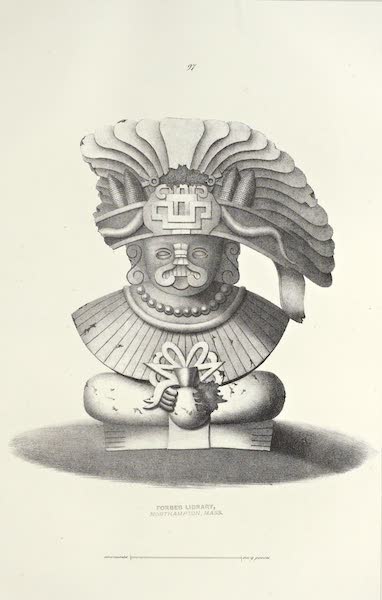 | 2ème Expedition - Planche XXXXIX
|
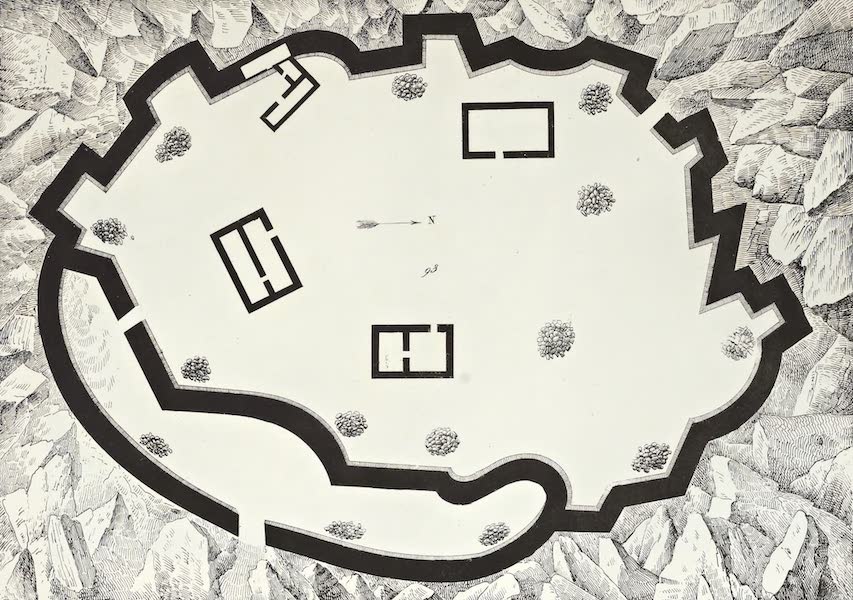 | 2ème Expedition - Planche XXXXV
|
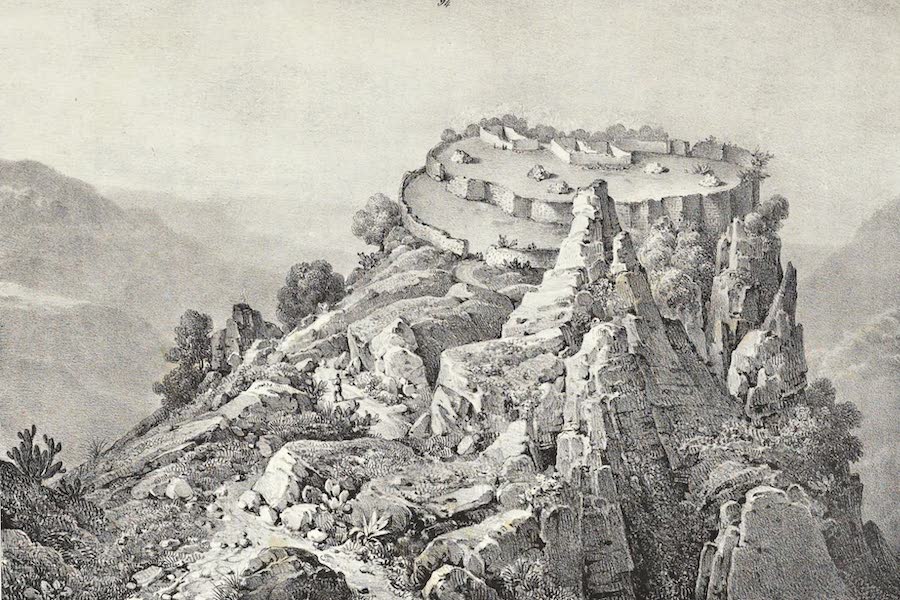 | 2ème Expedition - Planche XXXXVI
|
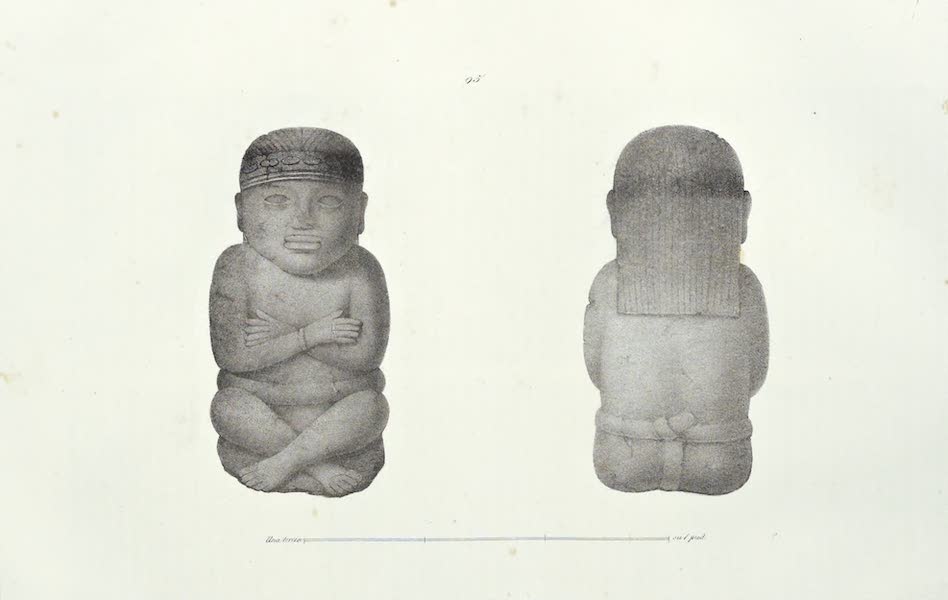 | 2ème Expedition - Planche XXXXVII
|
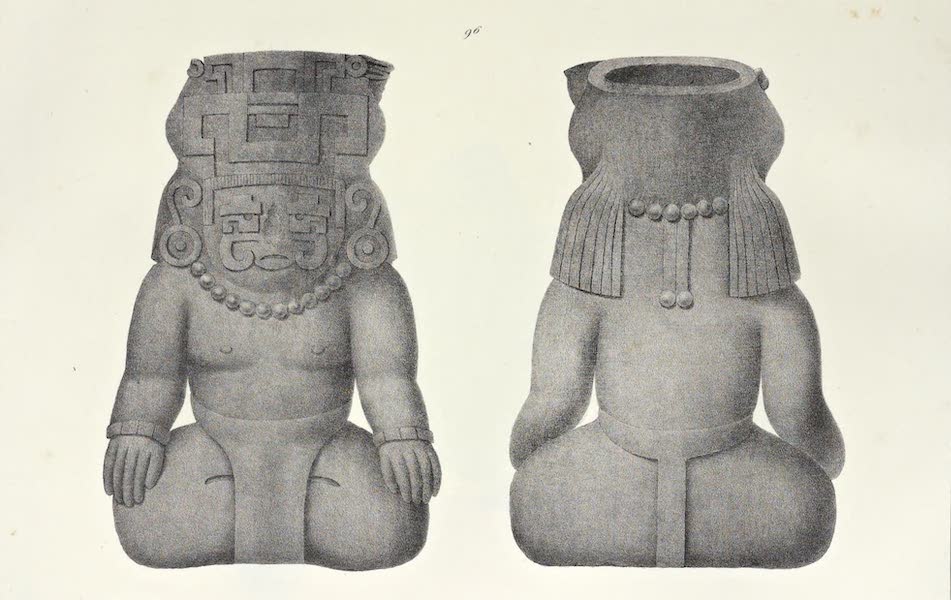 | 2ème Expedition - Planche XXXXVIII
|
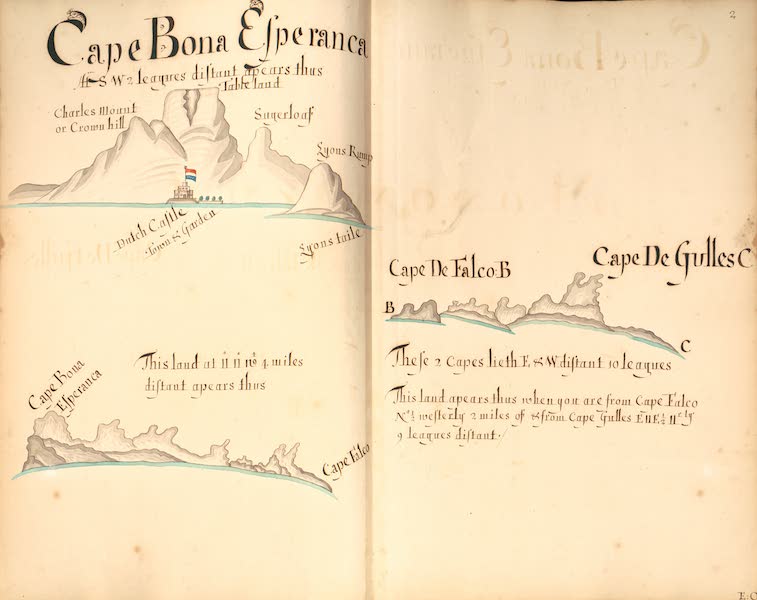 | 2) Cape Bona Esperanca
|
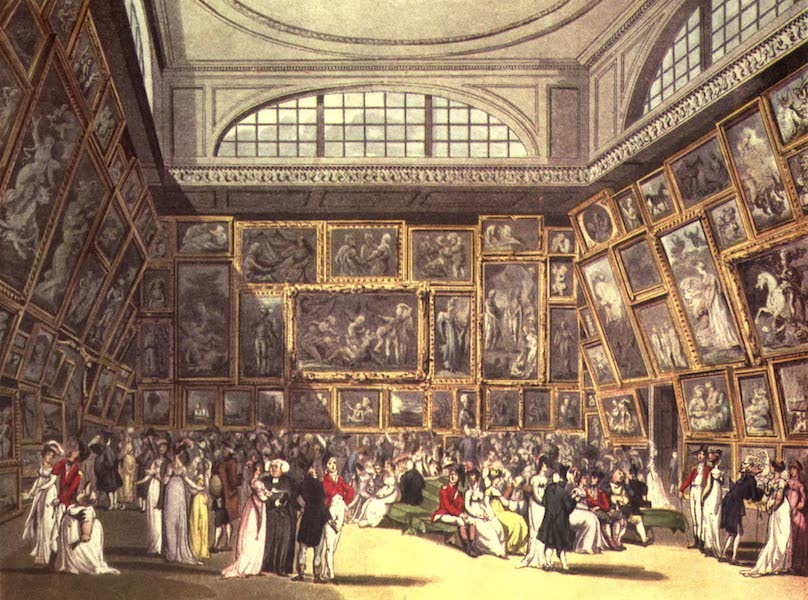 | 2. Exhibition Room, Somerset House.
|
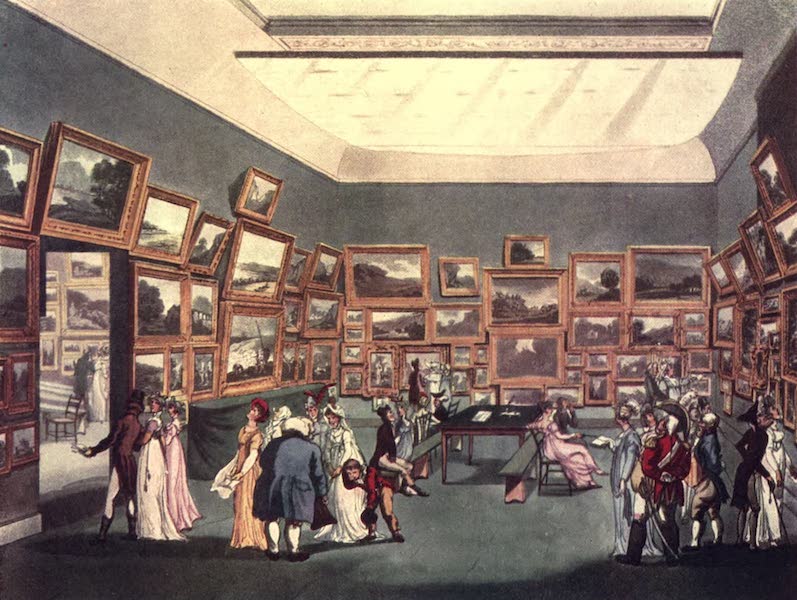 | 2. Exhibition Room, Somerset House.
|
 | 2. the Ponte Del Ammiraglio.
|
![20) Persia, Arabia, Felix [II]](https://historyarchive.org/images/books/books-a/a-description-of-the-sea-coasts-in-the-east-indies-1690/plates/31-persia-arabia-felix-II.jpg) | 20) Persia, Arabia, Felix [II]
|
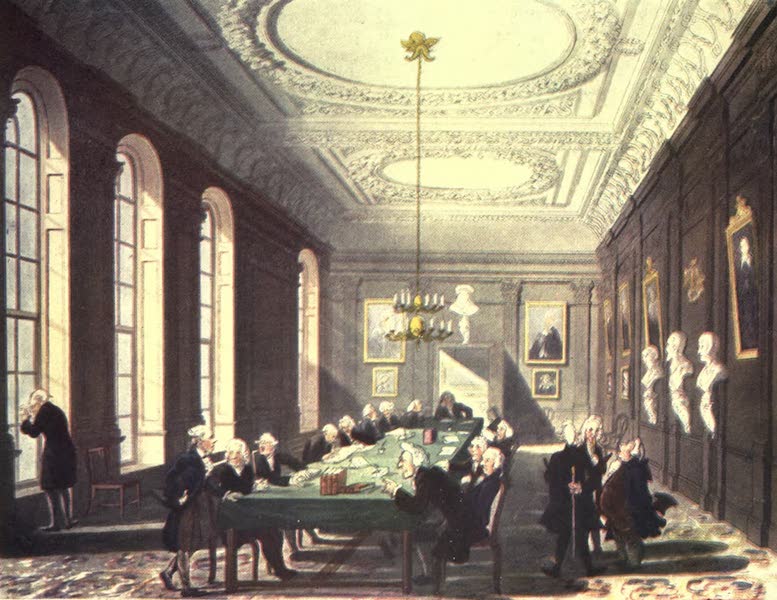 | 20. The College of Physicians.
|
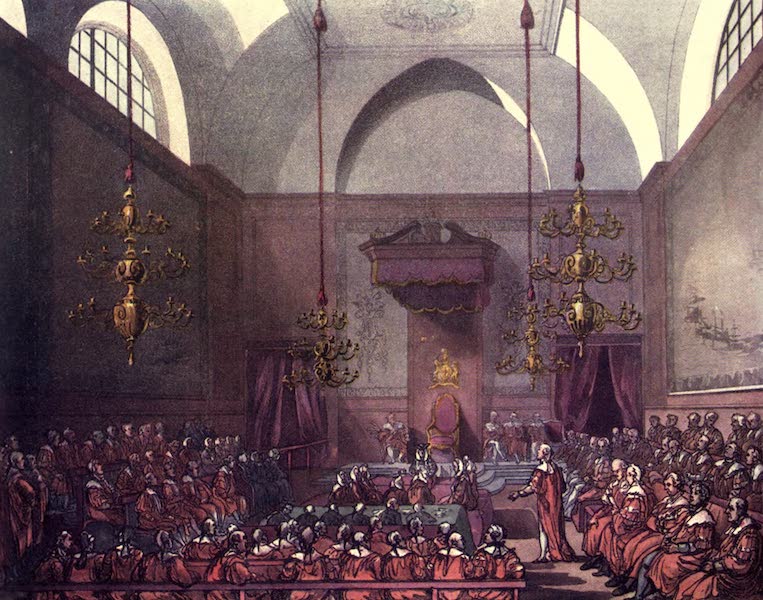 | 20. The College of Physicians.
|
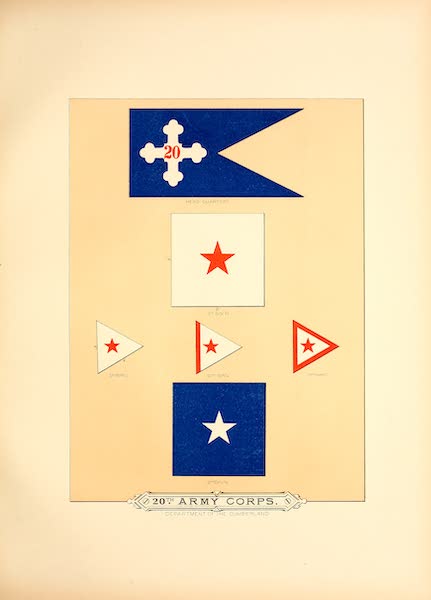 | 20th Army Corps (I)
|
 | 20th Army Corps (II)
|
 | 20th Army Corps (III)
|
 | 20th Army Corps (IV)
|
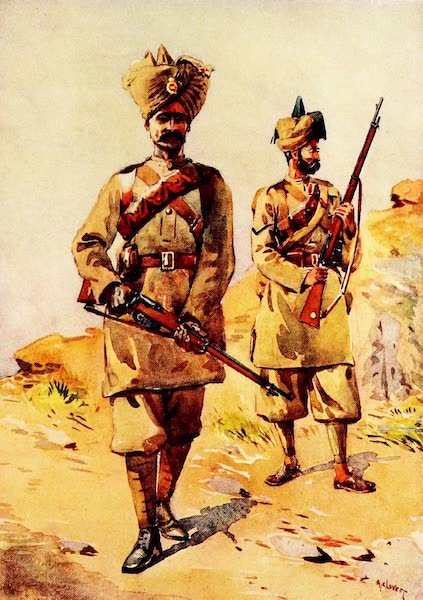 | 20th Duke of Cambridge's Own Infantry and 30th Punjabis
|
![21) Persia, Arabia, Felix [III]](https://historyarchive.org/images/books/books-a/a-description-of-the-sea-coasts-in-the-east-indies-1690/plates/32-persia-arabia-felix-III.jpg) | 21) Persia, Arabia, Felix [III]
|
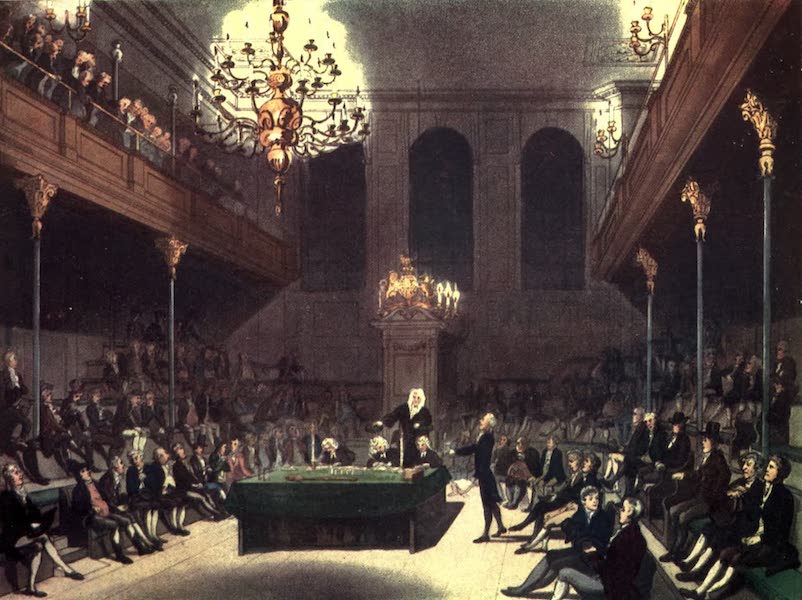 | 21. Houseof Commons.
|
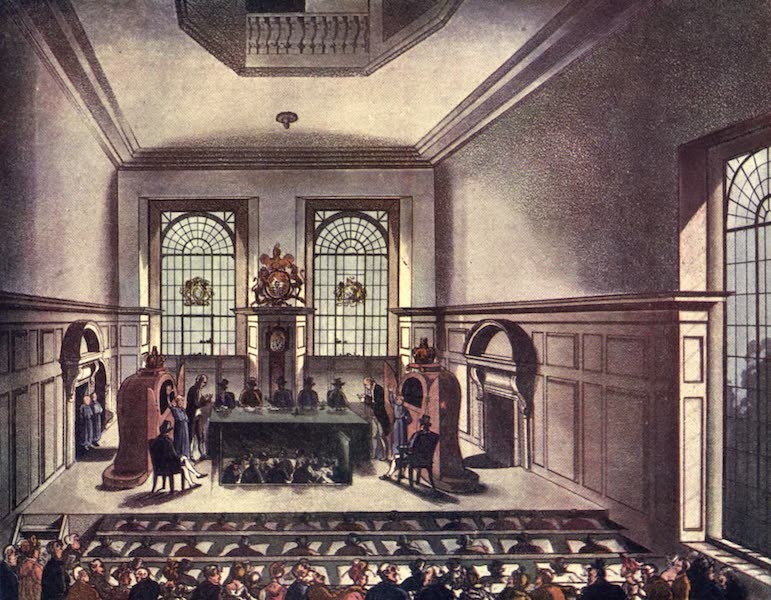 | 21. Houseof Commons.
|
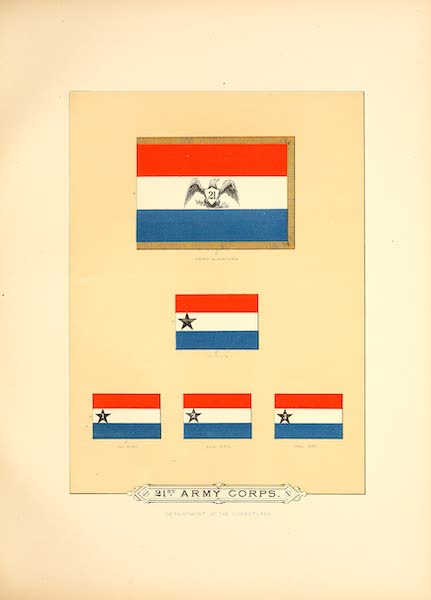 | 21st Army Corps (I)
|
 | 21st Army Corps (II)
|
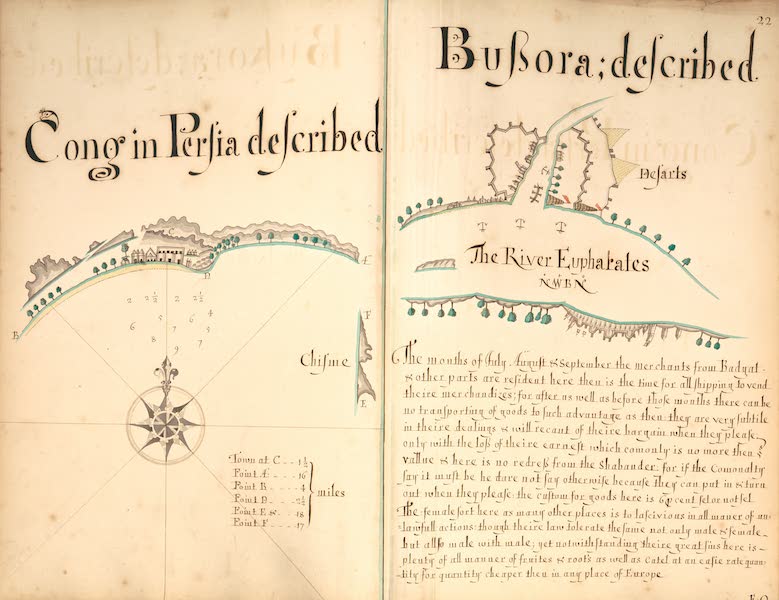 | 22) Cong in Persia described, Bussora described (Euphrates River)
|
 | 22. Court of Chancery, Lincoln's Inn Hall.
|
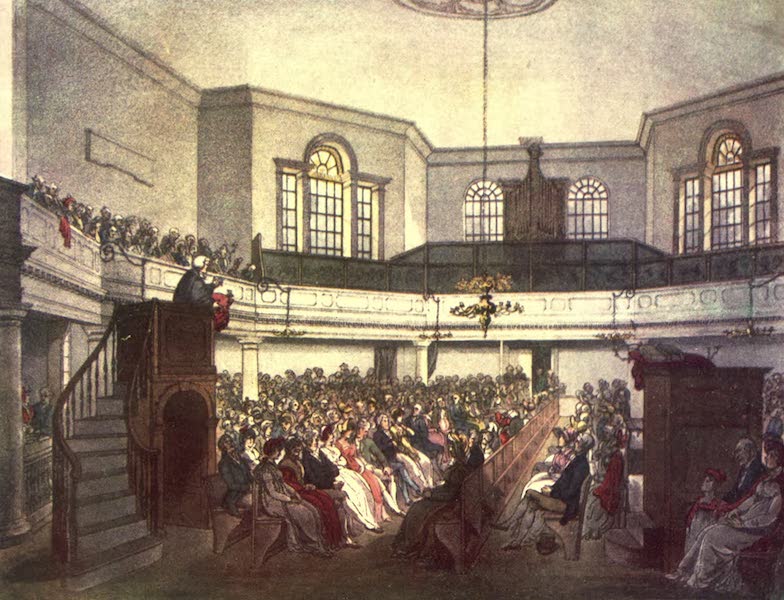 | 22. Court of Chancery, Lincoln's Inn Hall.
|
 | 22nd Army Corps (I)
|
 | 22nd Army Corps (II)
|
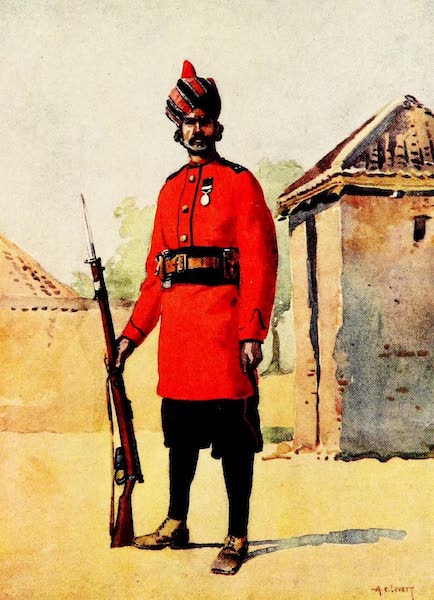 | 22nd Punjabis
|
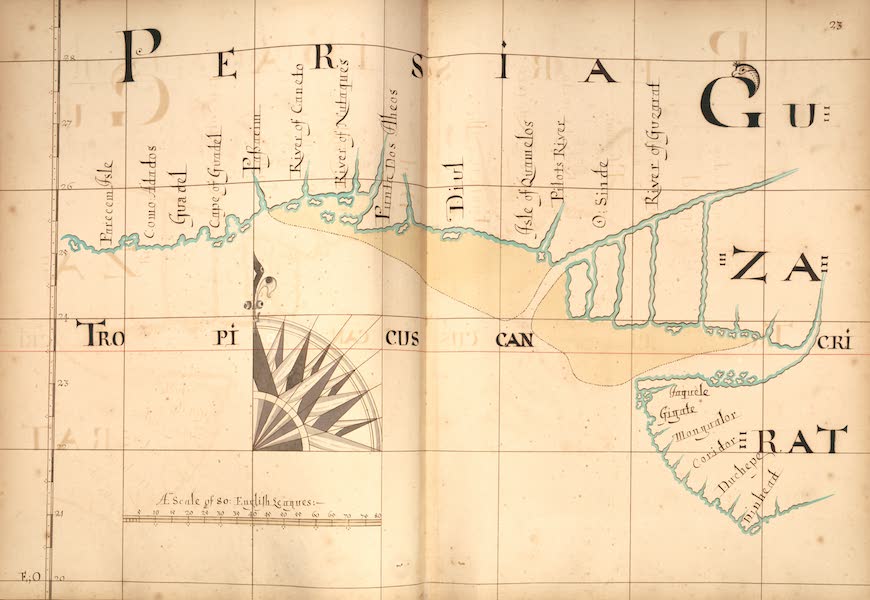 | 23) Persia, Guzarat
|
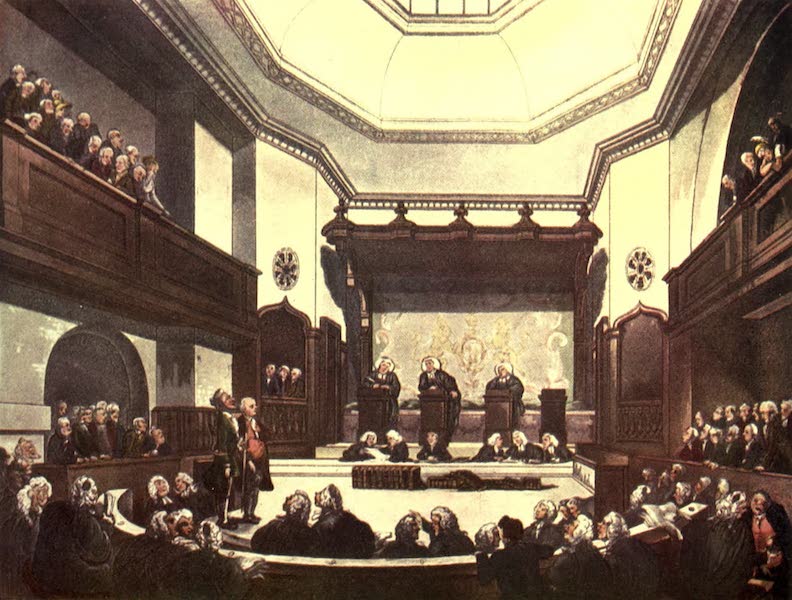 | 23. Court of Common Pleas, Westminster Hall.
|
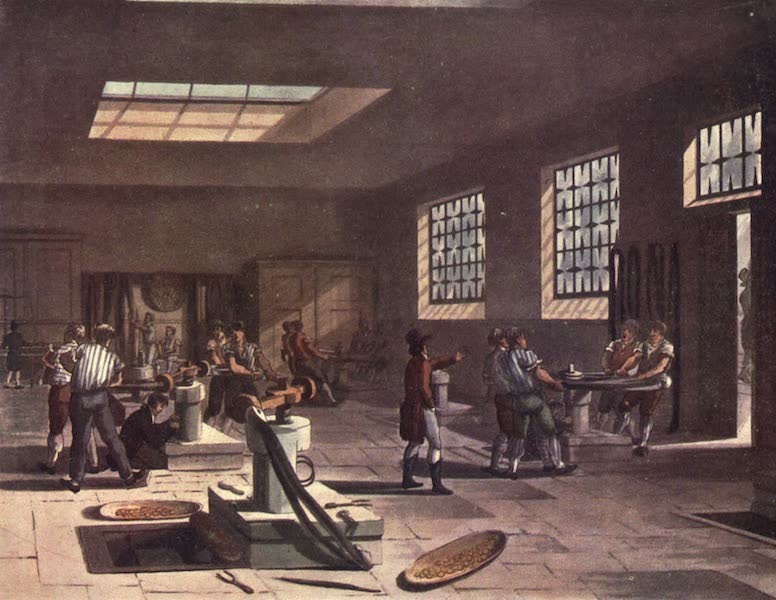 | 23. Court of Common Pleas, Westminster Hall.
|
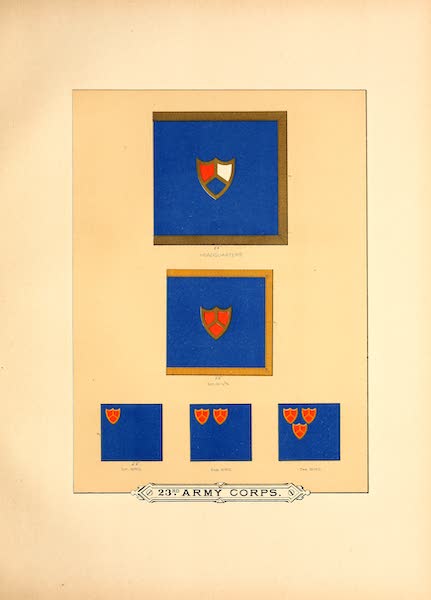 | 23rd Army Corps (I)
|
 | 23rd Army Corps (II)
|
![24) Guzarat, India [I]](https://historyarchive.org/images/books/books-a/a-description-of-the-sea-coasts-in-the-east-indies-1690/plates/35-guzarat-india.jpg) | 24) Guzarat, India [I]
|
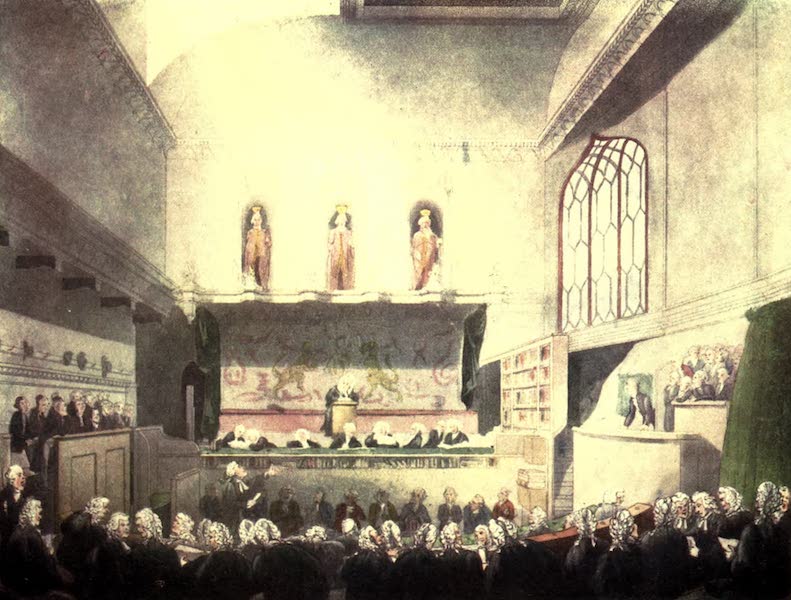 | 24. Court of the King's Bench, Westminster Hall.
|
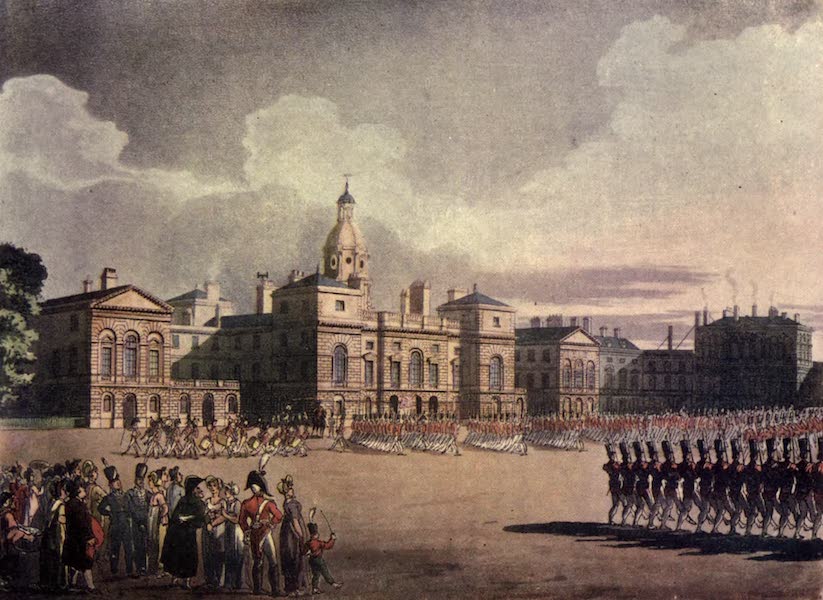 | 24. Court of the King's Bench, Westminster Hall.
|
 | 24th Army Corps (I)
|
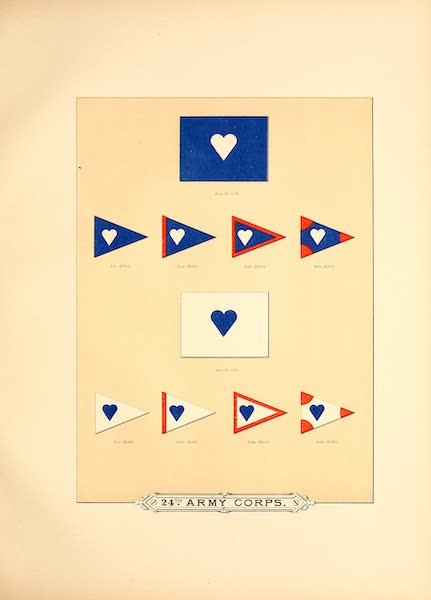 | 24th Army Corps (II)
|
 | 24th Punjabis
|
 | 25) Busseen, Vingerle, Malabar, Rojapore
|
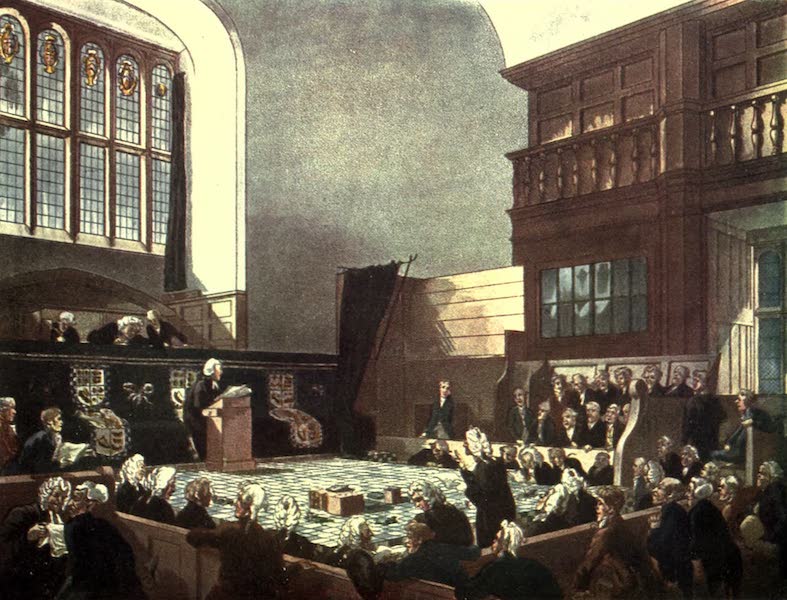 | 25. Court of the Exchequer, Westminster Hall.
|
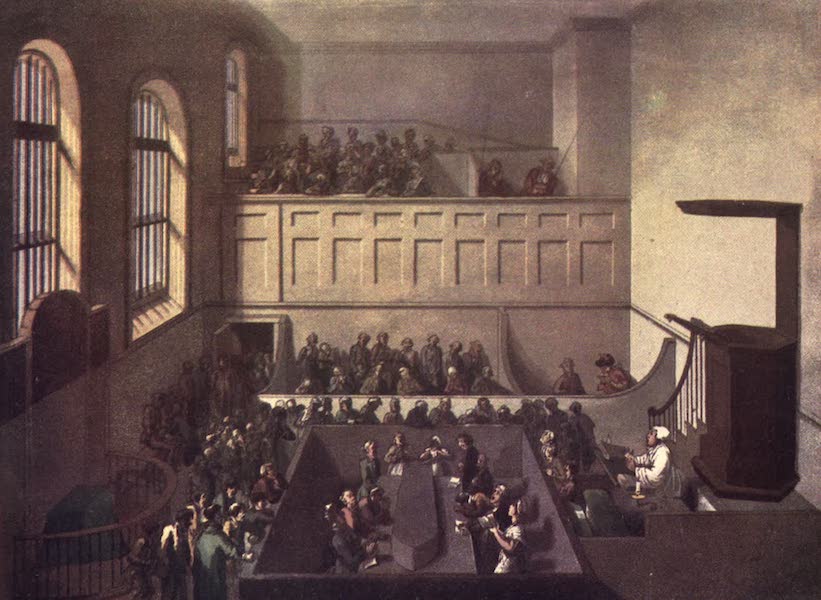 | 25. Court of the Exchequer, Westminster Hall.
|
 | 25th Army Corps (I)
|
 | 25th Army Corps (II)
|
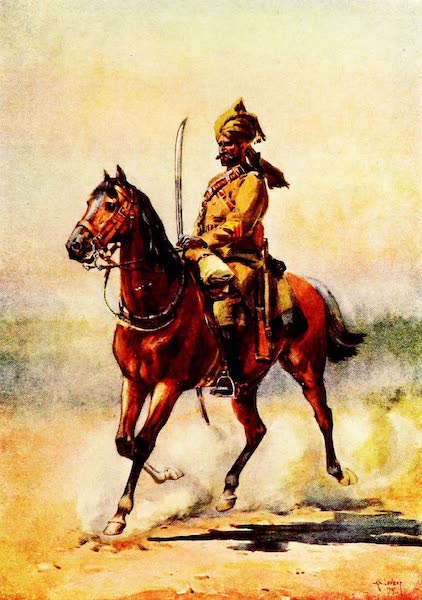 | 25th Cavalry
|
 | 26) Malabar
|
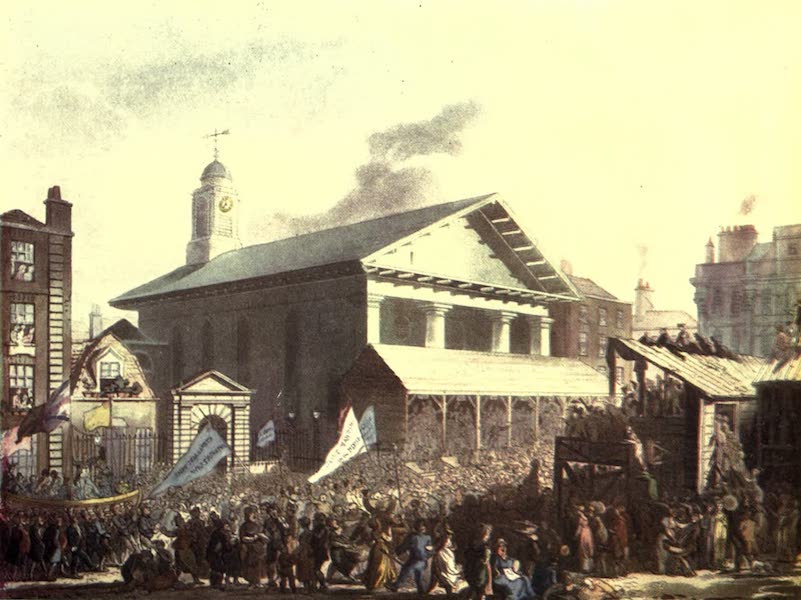 | 26. Covent Garden Market, Westminster Election.
|
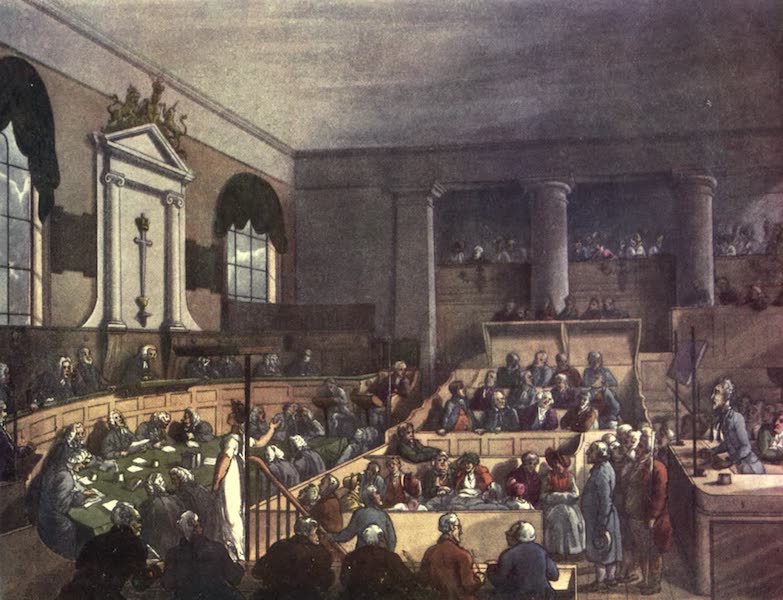 | 26. Covent Garden Market, Westminster Election.
|
 | 26th Punjabis
|
![27) Guzarat, India [II]](https://historyarchive.org/images/books/books-a/a-description-of-the-sea-coasts-in-the-east-indies-1690/plates/38-guzarat-india.jpg) | 27) Guzarat, India [II]
|
 | 27. Covent Barden Theatre.
|
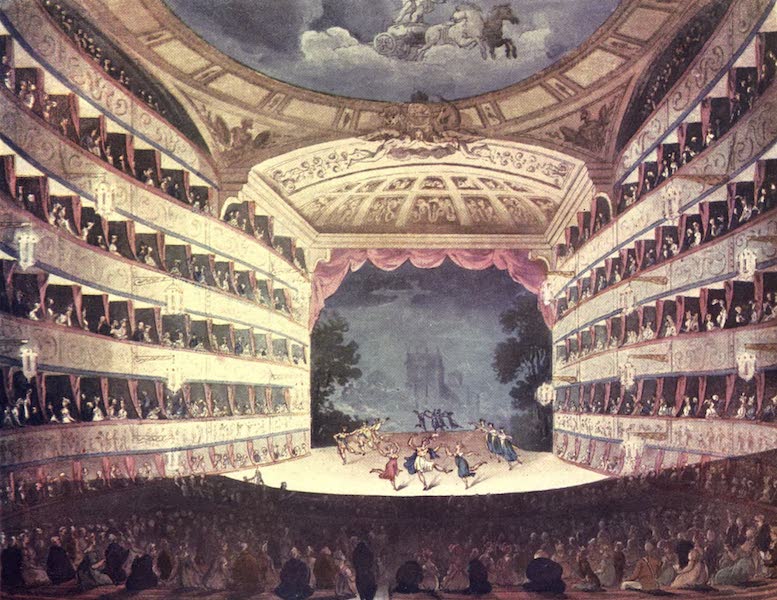 | 27. Covent Barden Theatre.
|
 | 27th Light Cavalry and 26th King George's Own Light Cavalry
|
 | 28) The Riseing of the Land as it Appeareth to the Eye
|
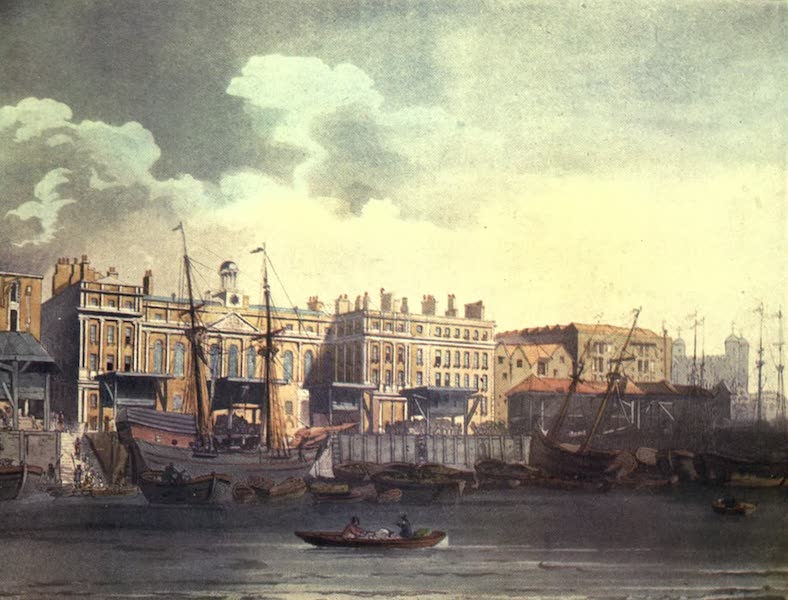 | 28. Custom House from the River Thames.
|
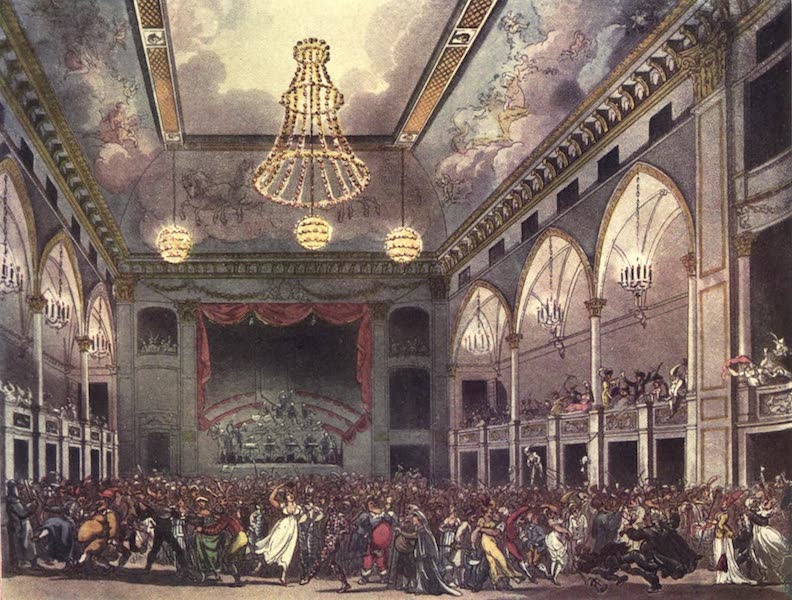 | 28. Custom House from the River Thames.
|
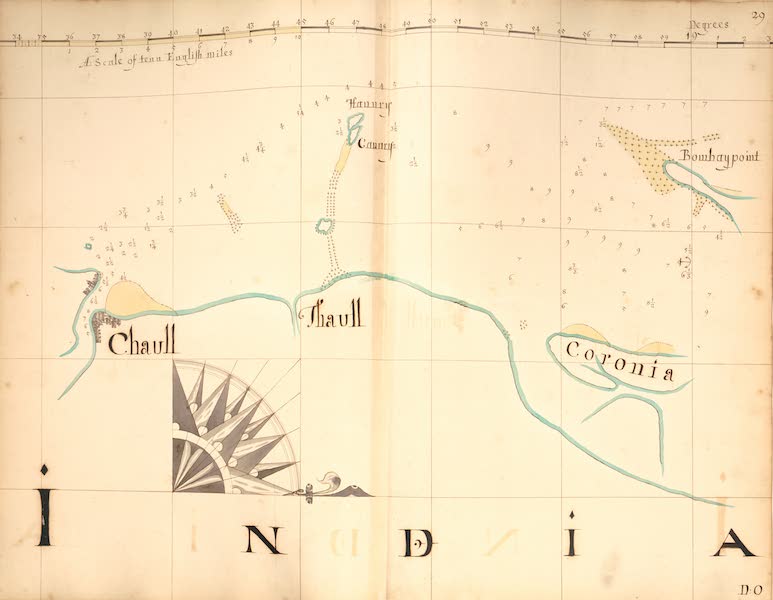 | 29) India
|
 | 29. The Long Room, Custom House.
|
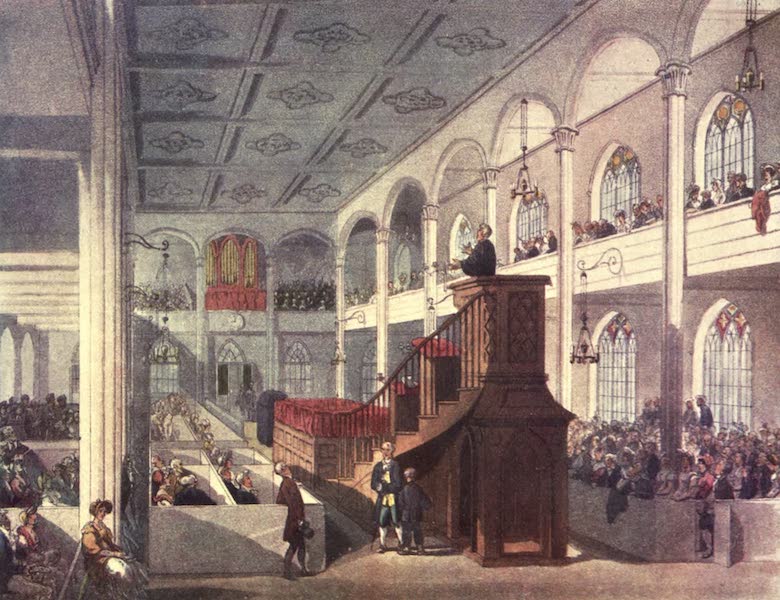 | 29. The Long Room, Custom House.
|
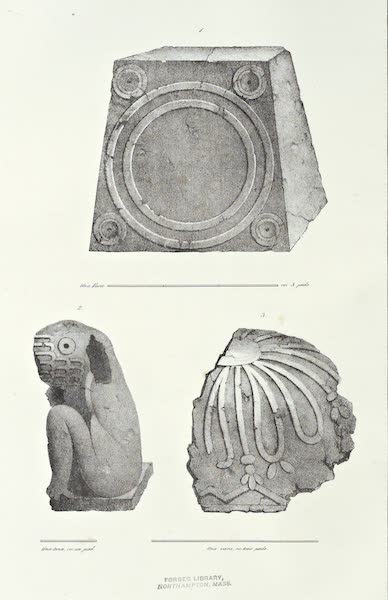 | 2eme Expedition - Planche I
|
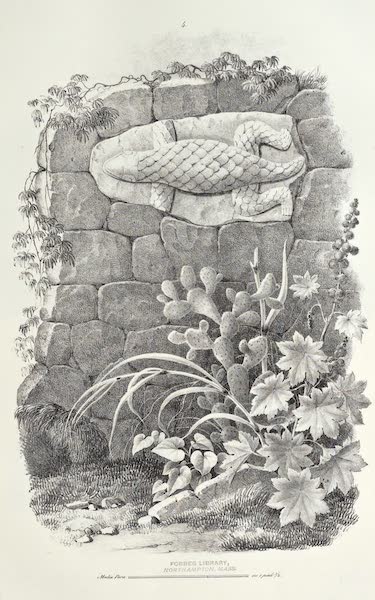 | 2eme Expedition - Planche II
|
 | 2nd Army Corps (I)
|
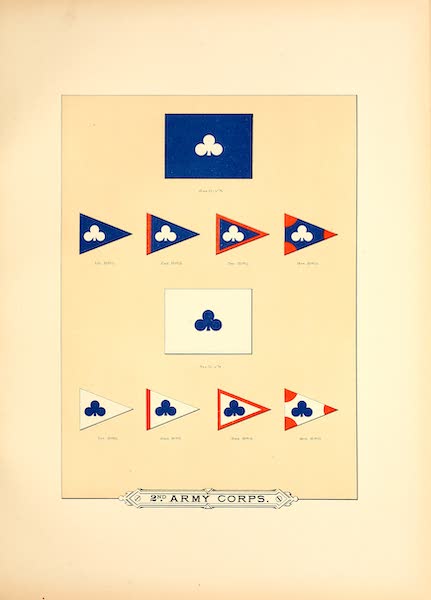 | 2nd Army Corps (II)
|
 | 2nd King Edward's Own Gurkha Rifles
|
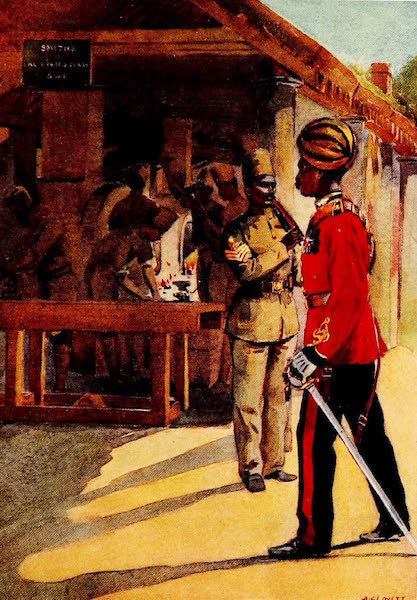 | 2nd Queen's Own Sappers and Miners
|
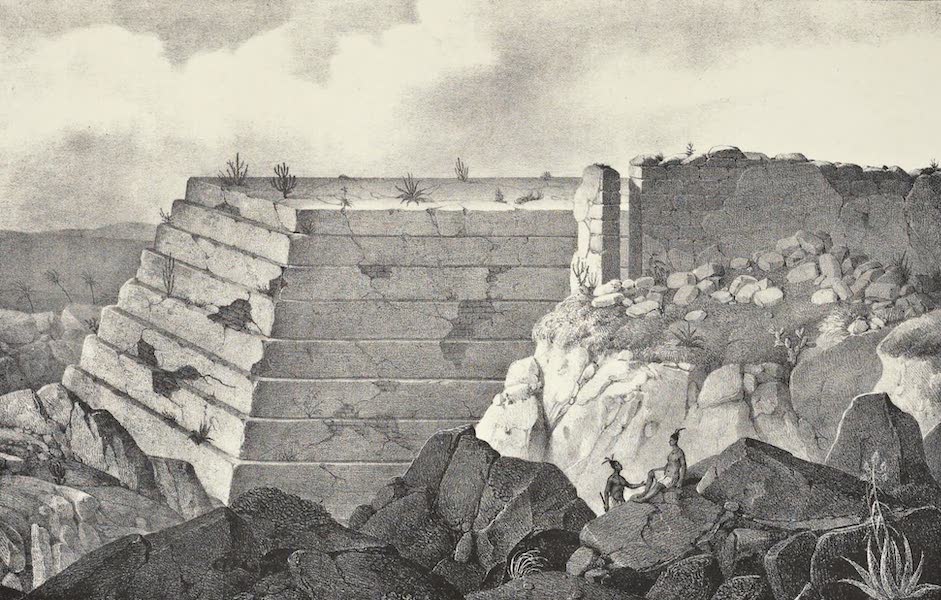 | 3ème Expedition - Planche I
|
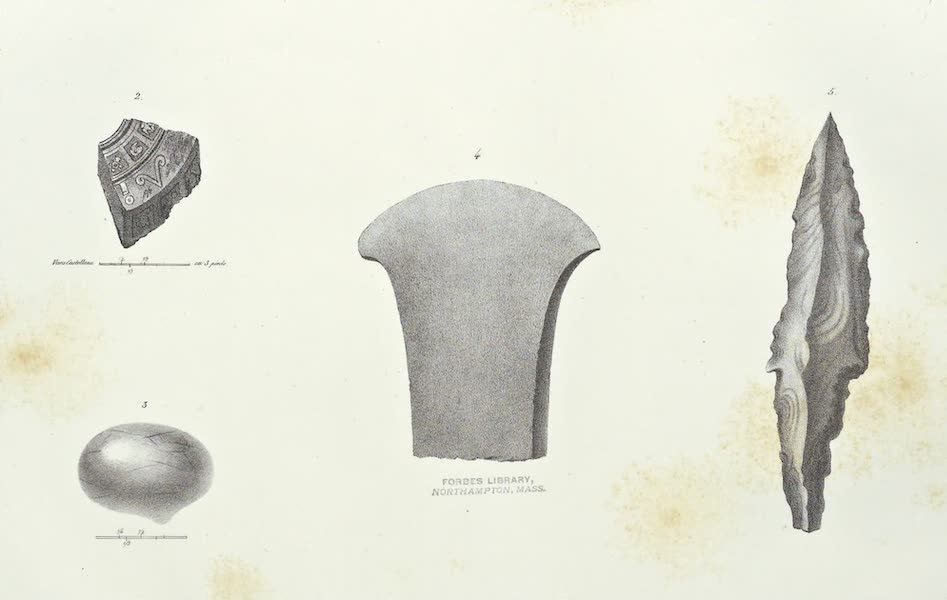 | 3ème Expedition - Planche II
|
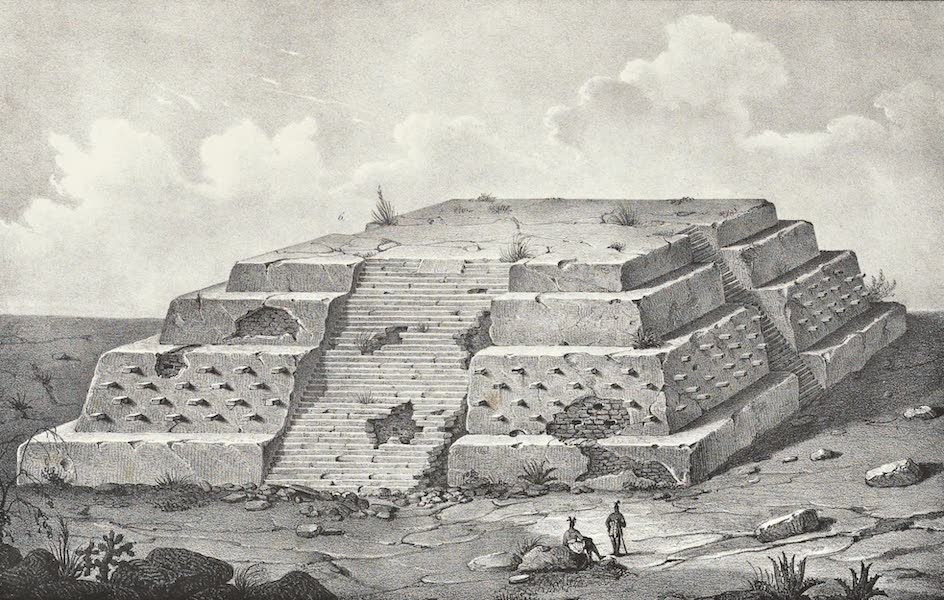 | 3ème Expedition - Planche III
|
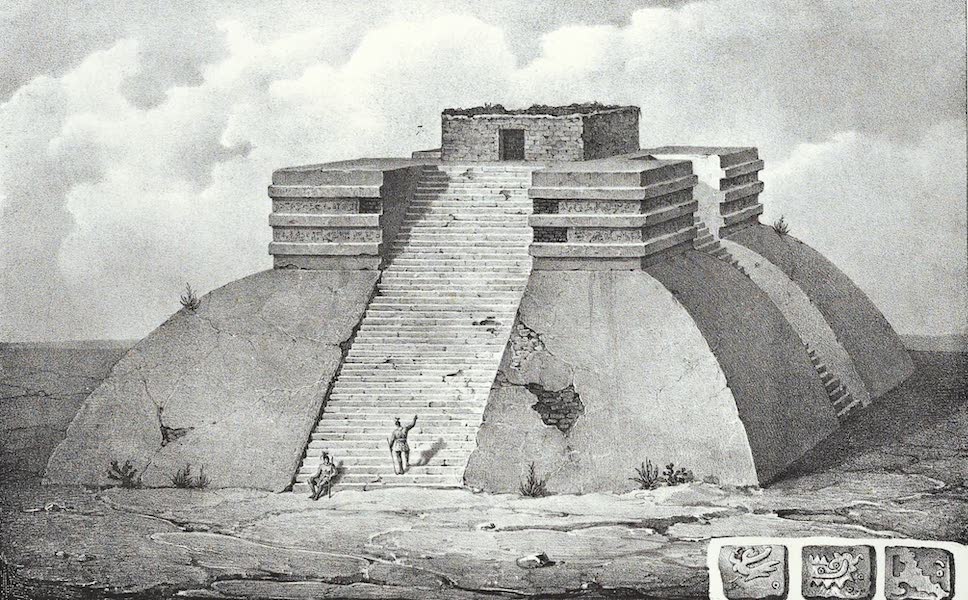 | 3ème Expedition - Planche IV
|
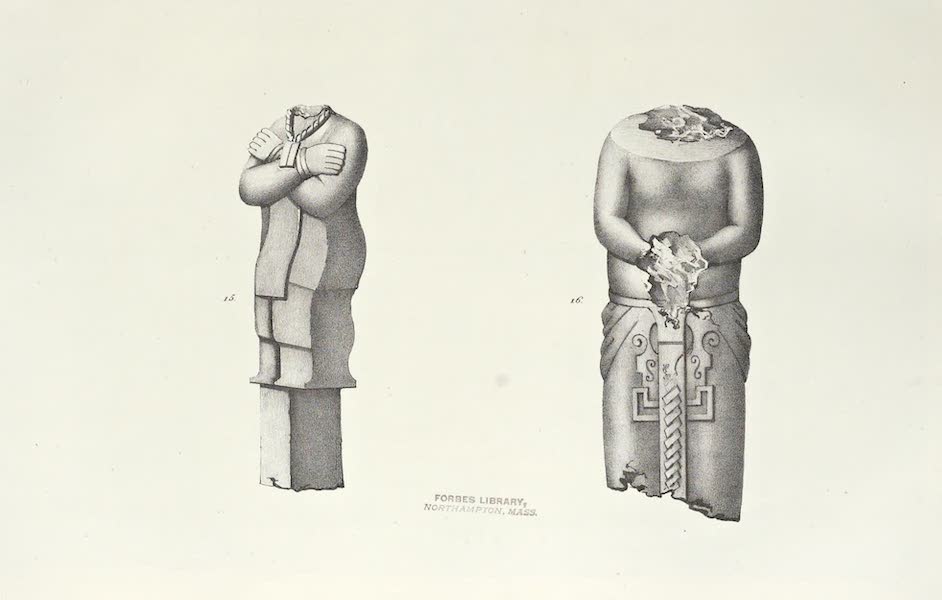 | 3ème Expedition - Planche IX
|
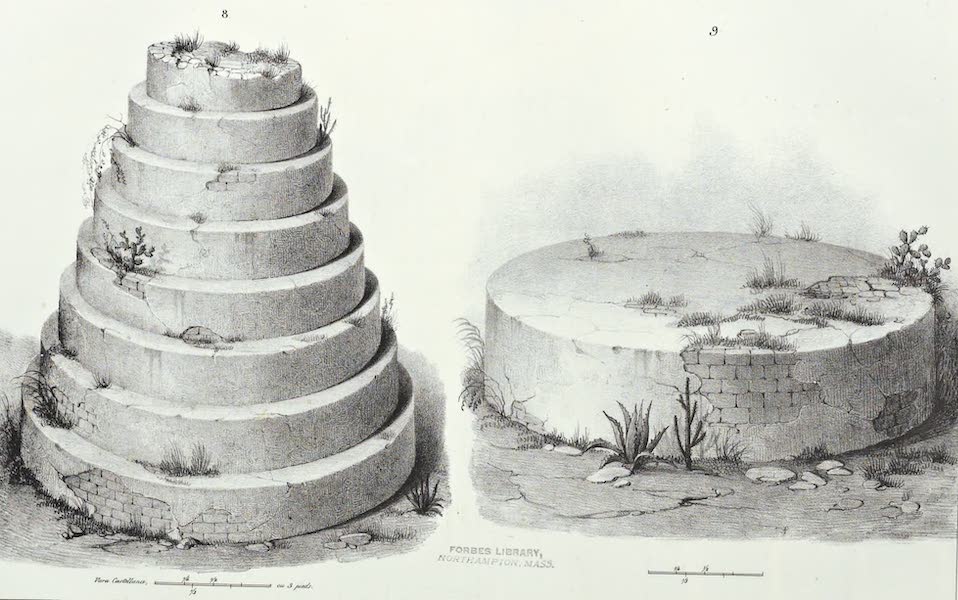 | 3ème Expedition - Planche V
|
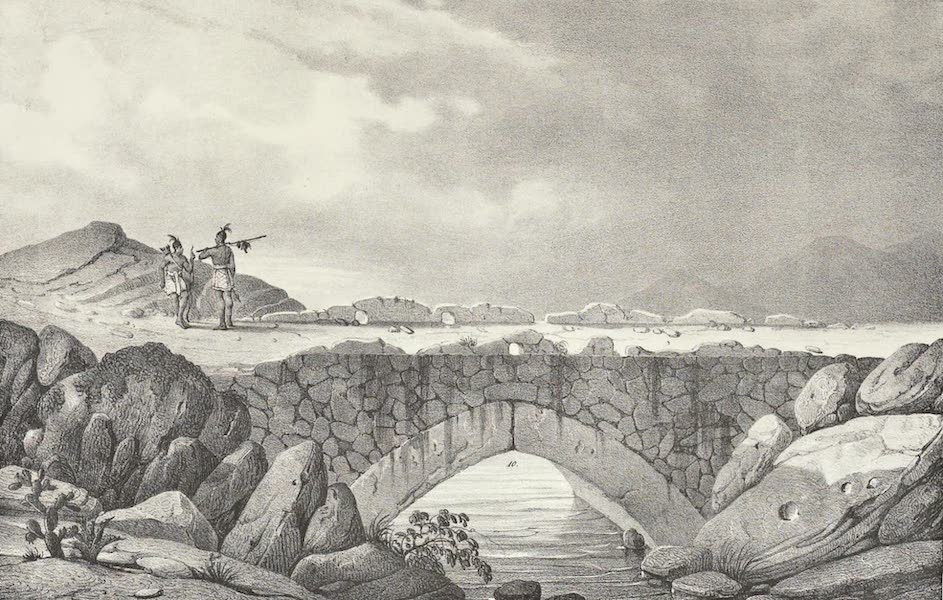 | 3ème Expedition - Planche VI
|
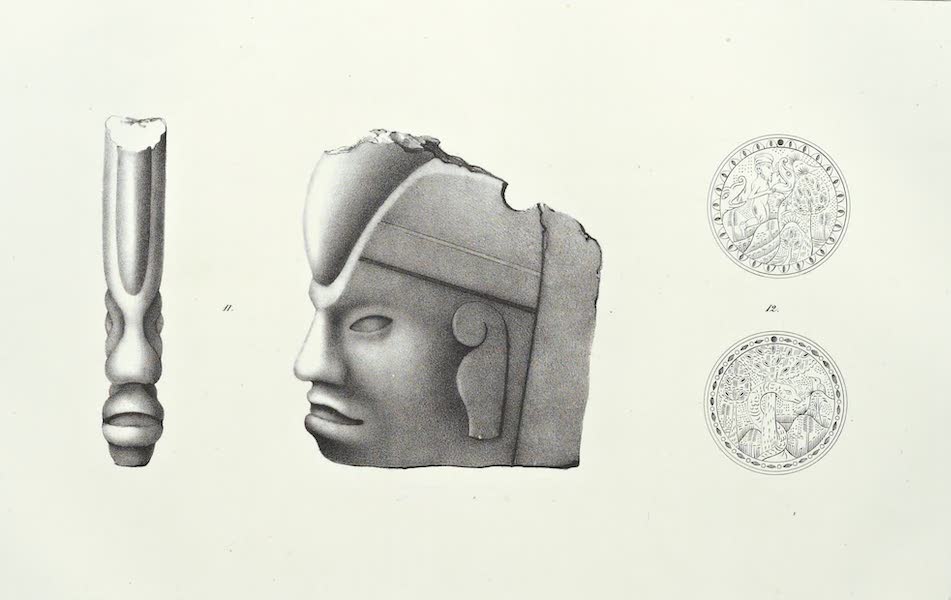 | 3ème Expedition - Planche VII
|
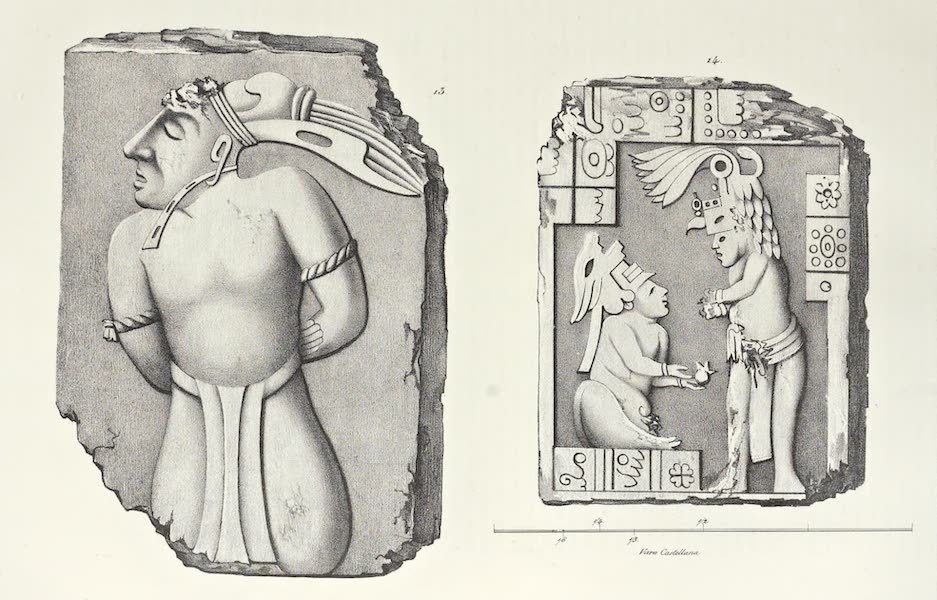 | 3ème Expedition - Planche VIII
|
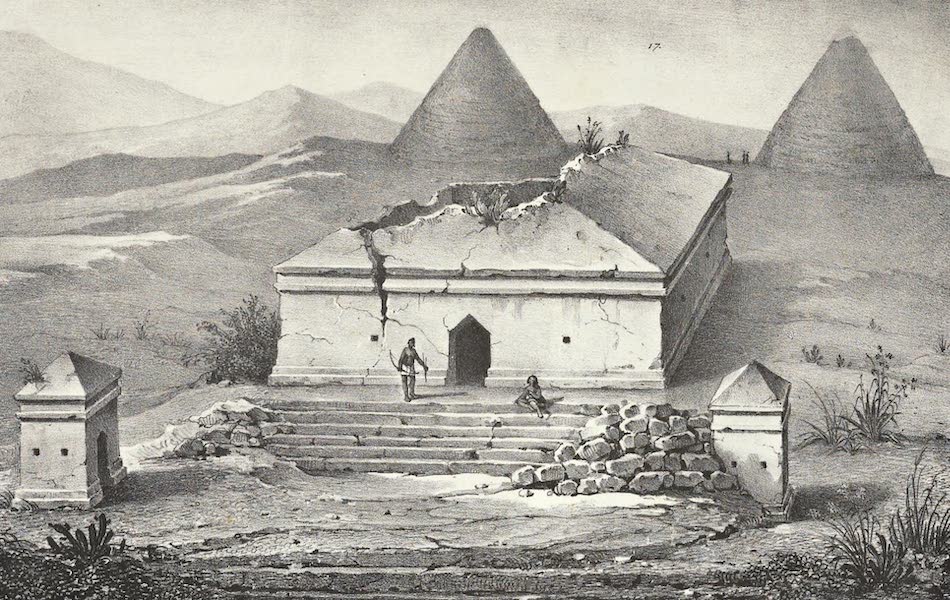 | 3ème Expedition - Planche X
|
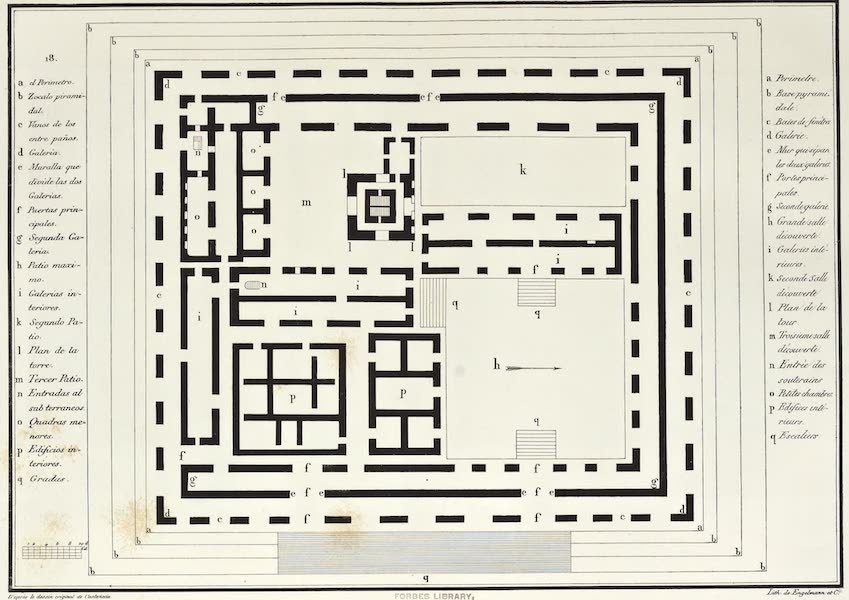 | 3ème Expedition - Planche XI
|
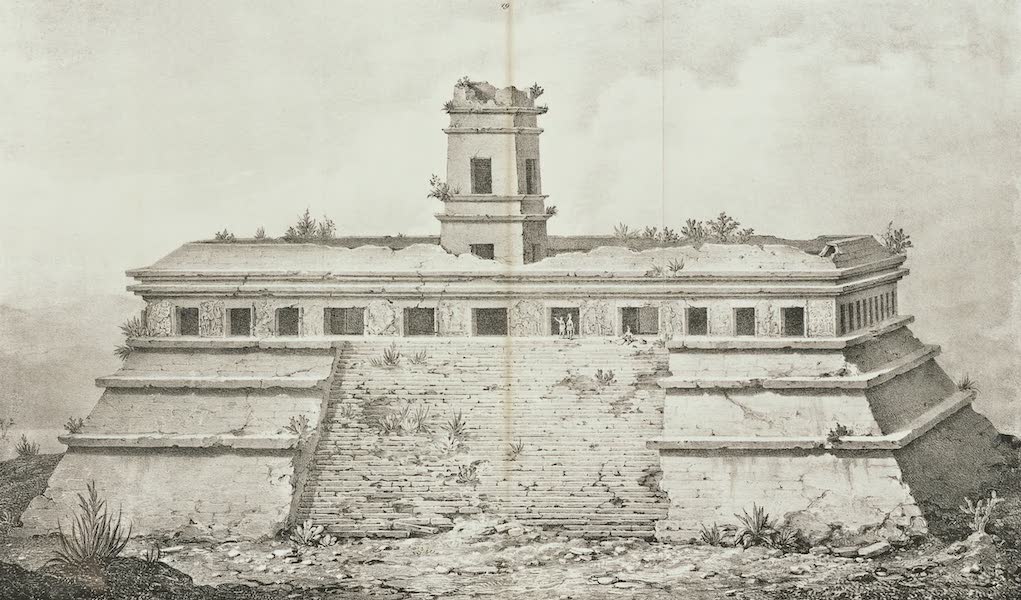 | 3ème Expedition - Planche XII
|
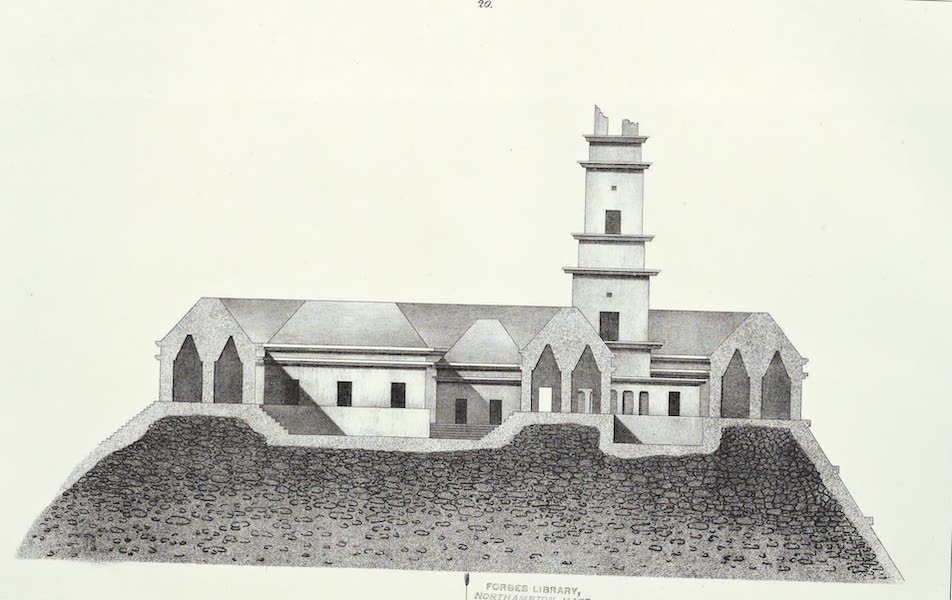 | 3ème Expedition - Planche XIII
|
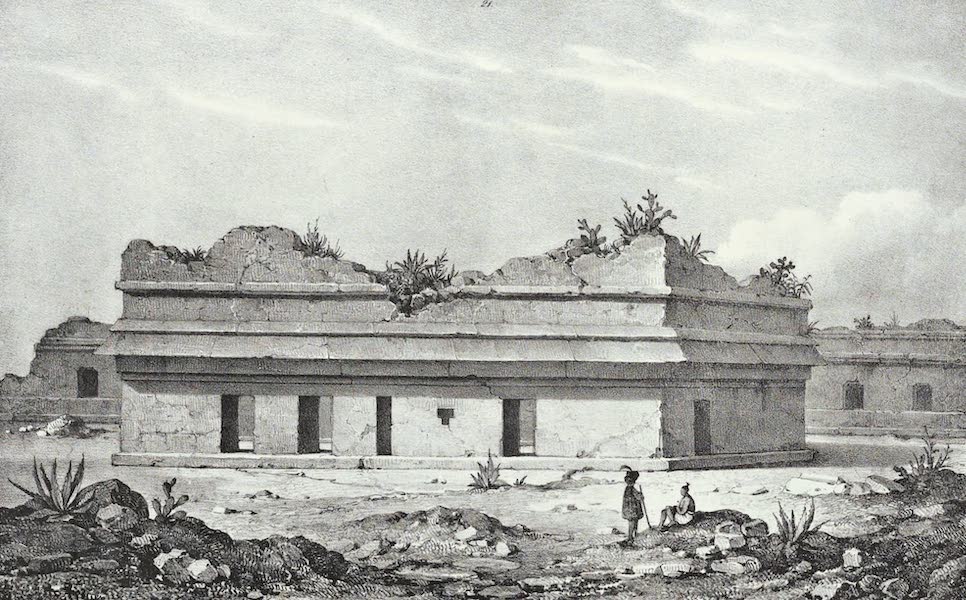 | 3ème Expedition - Planche XIV
|
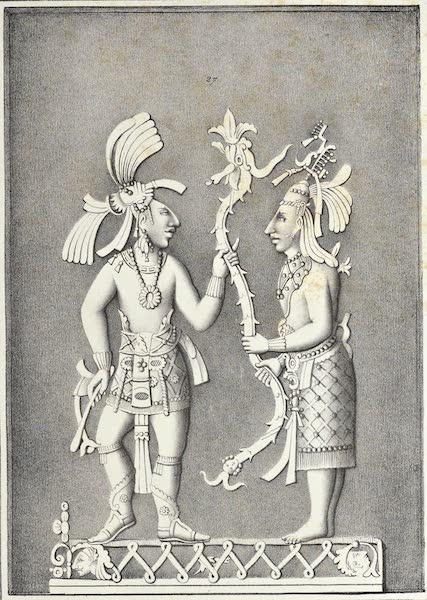 | 3ème Expedition - Planche XIX
|
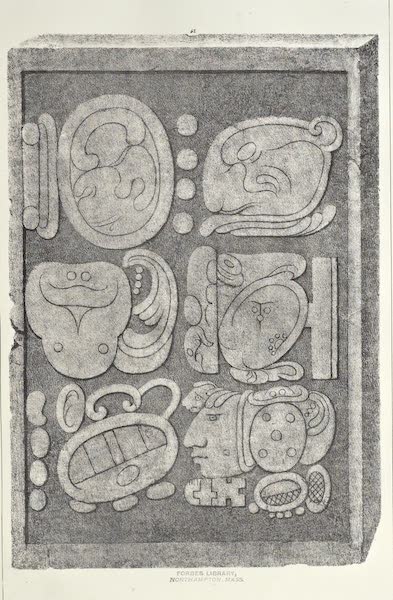 | 3ème Expedition - Planche XL
|
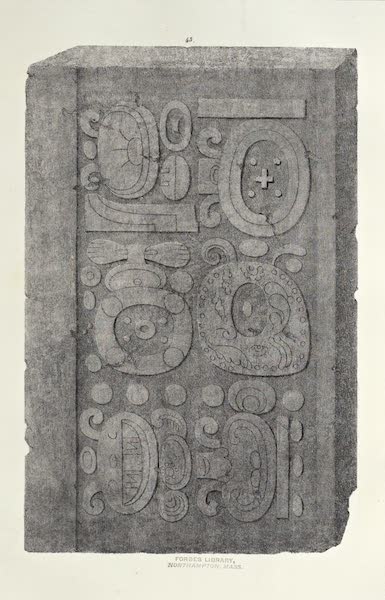 | 3ème Expedition - Planche XLI
|
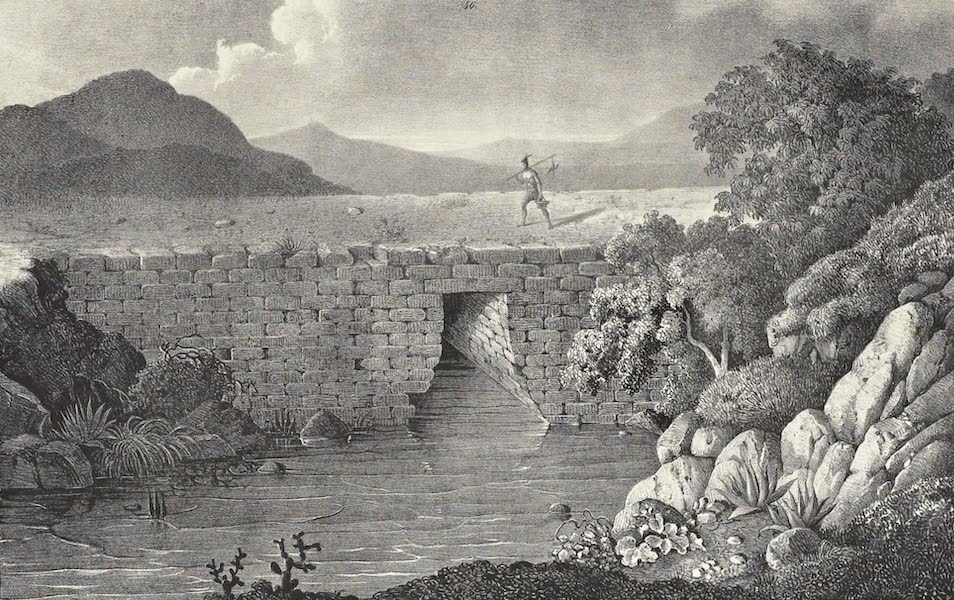 | 3ème Expedition - Planche XLIV
|
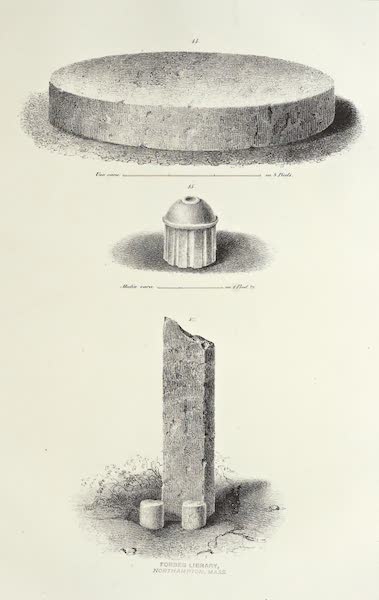 | 3ème Expedition - Planche XLL, XLIII & XLV
|
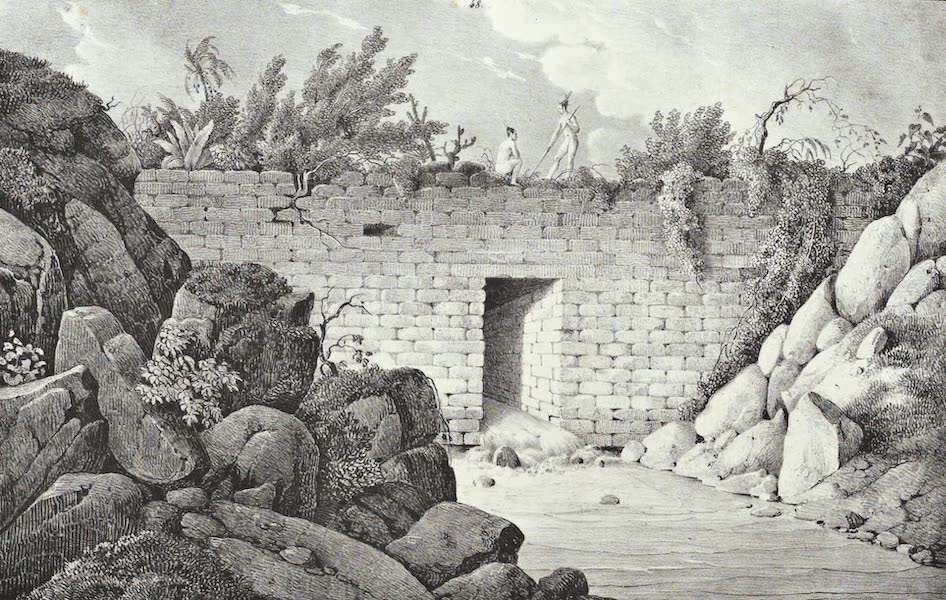 | 3ème Expedition - Planche XLVI
|
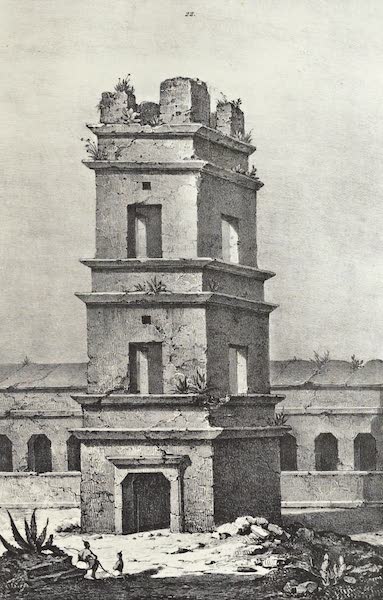 | 3ème Expedition - Planche XV
|
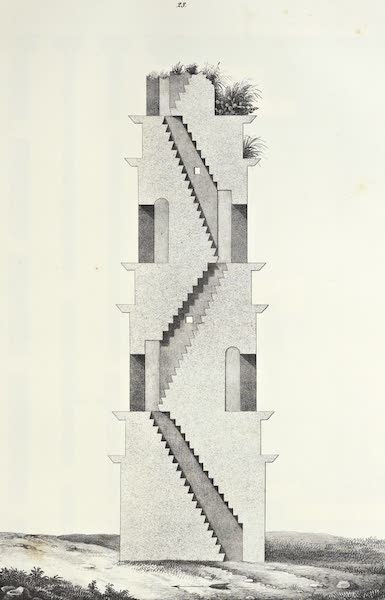 | 3ème Expedition - Planche XVI
|
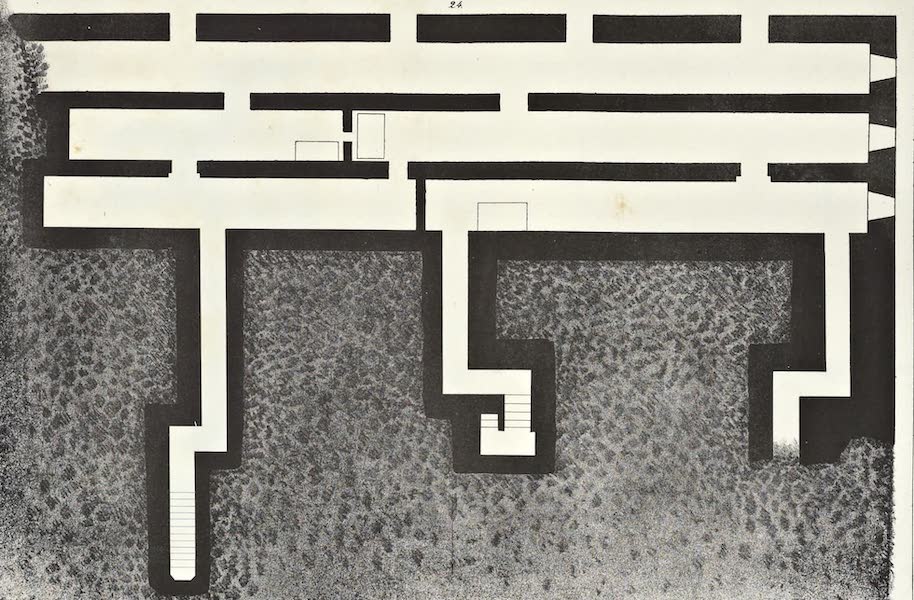 | 3ème Expedition - Planche XVII
|
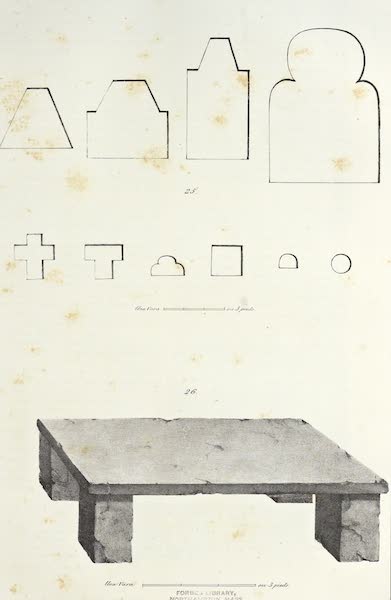 | 3ème Expedition - Planche XVIII
|
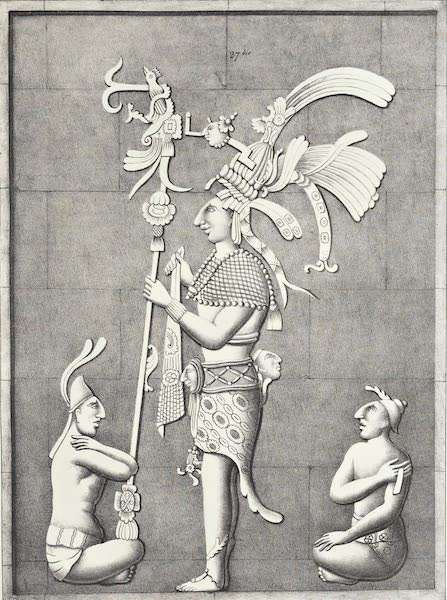 | 3ème Expedition - Planche XX
|
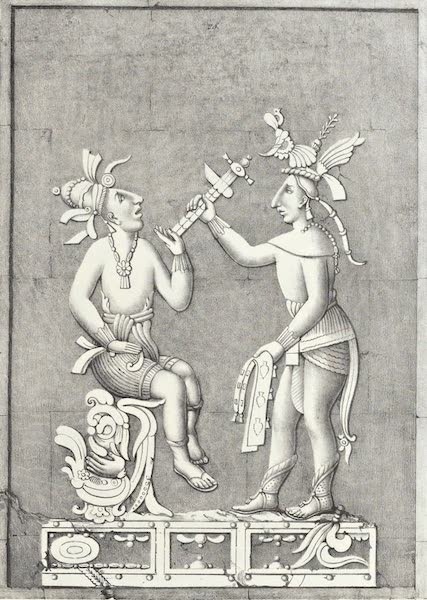 | 3ème Expedition - Planche XXI
|
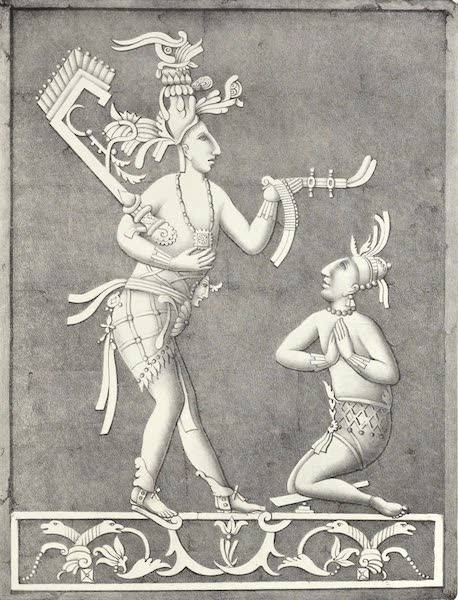 | 3ème Expedition - Planche XXII
|
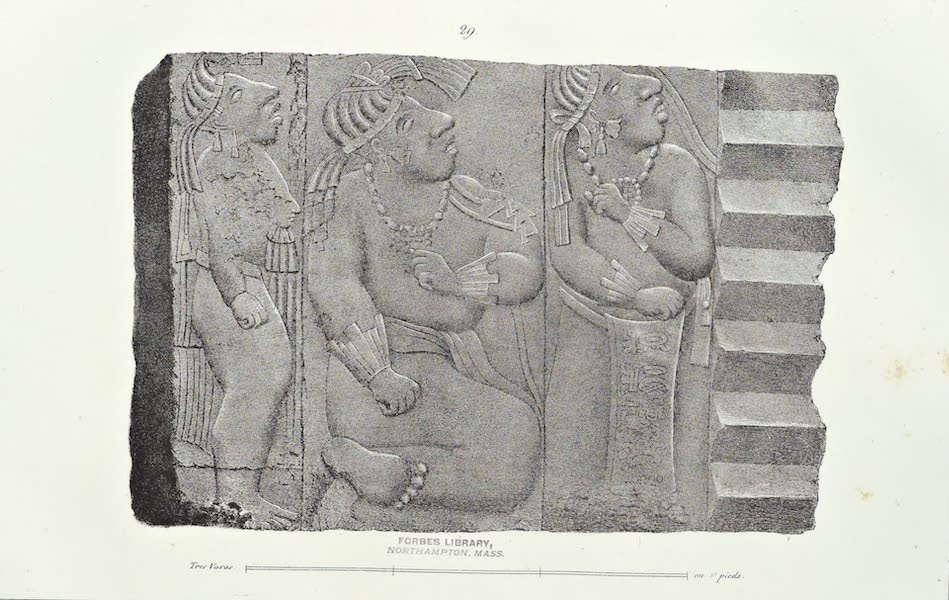 | 3ème Expedition - Planche XXIII
|
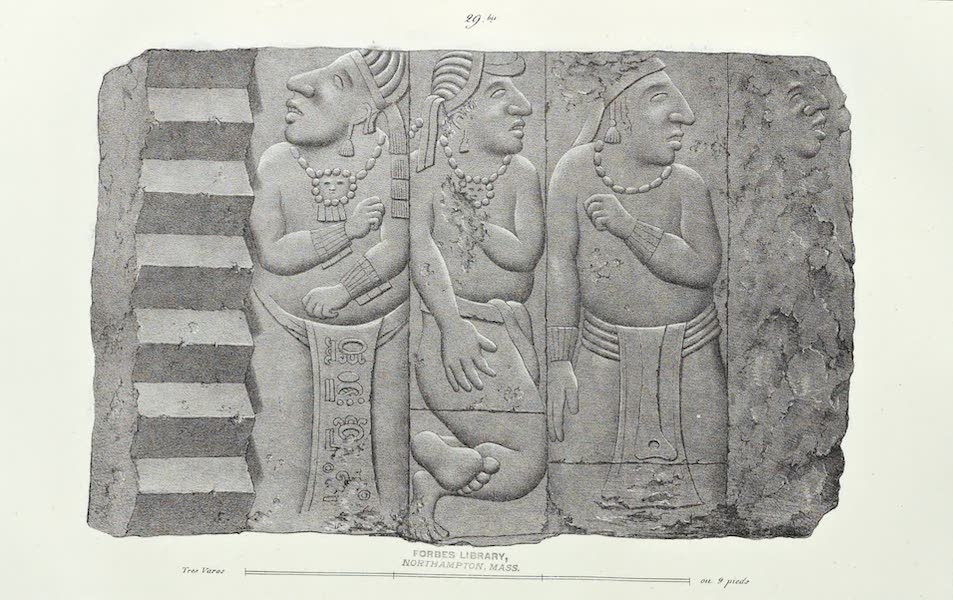 | 3ème Expedition - Planche XXIV
|
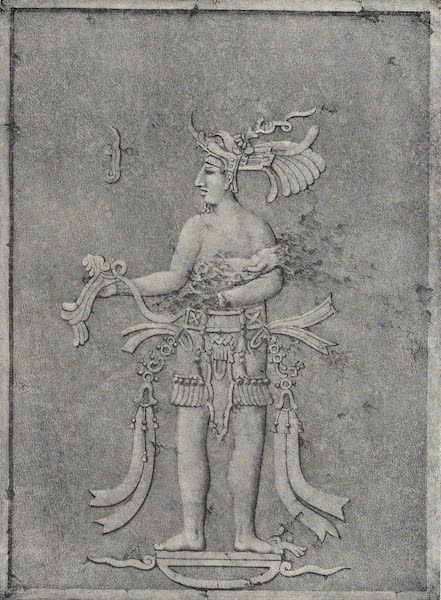 | 3ème Expedition - Planche XXIX
|
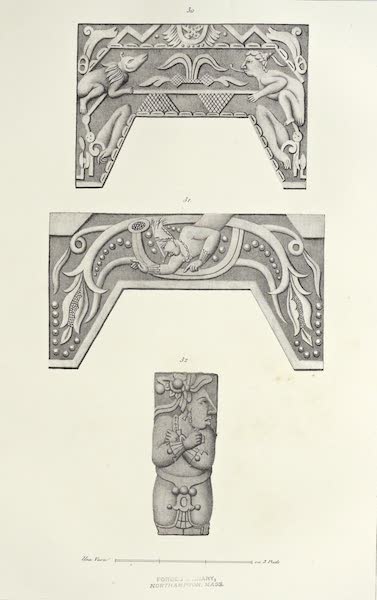 | 3ème Expedition - Planche XXV
|
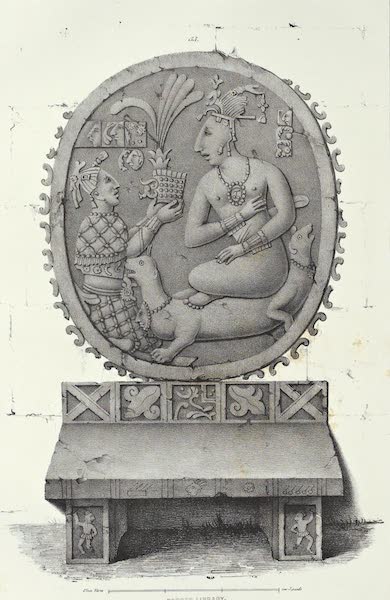 | 3ème Expedition - Planche XXVI
|
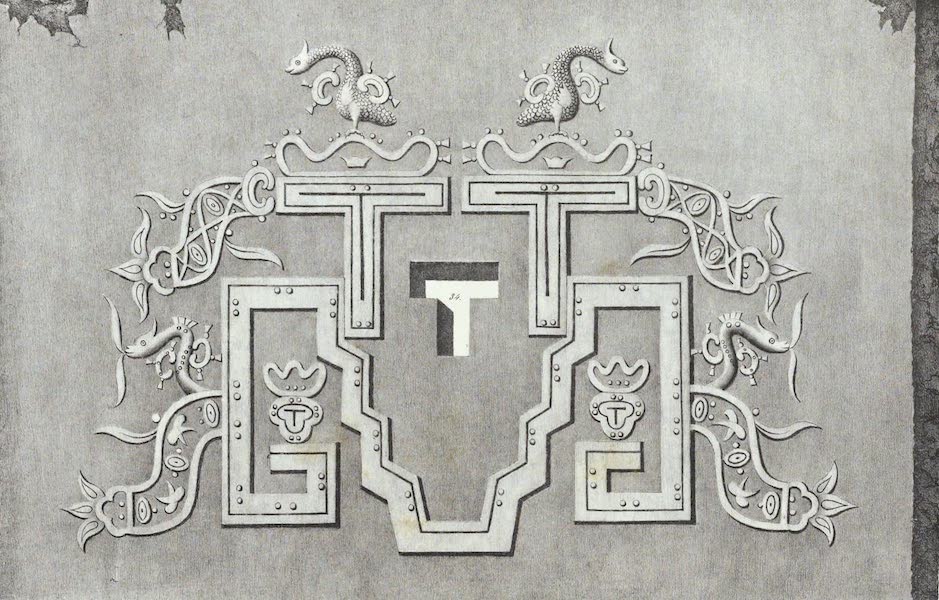 | 3ème Expedition - Planche XXVII
|
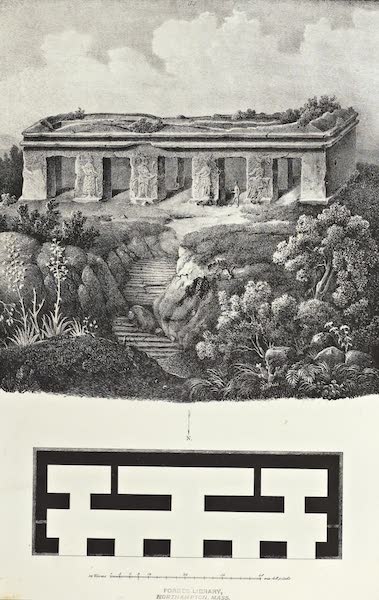 | 3ème Expedition - Planche XXVIII
|
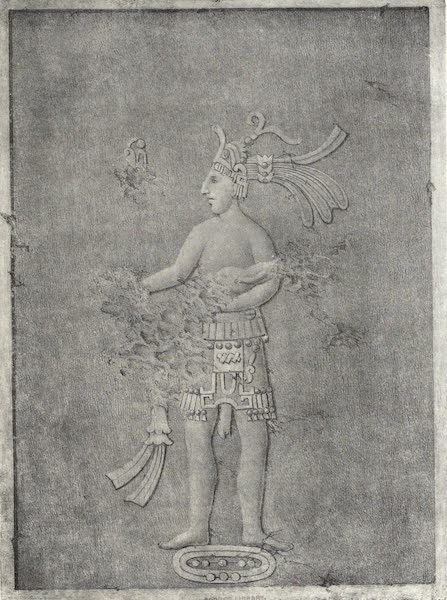 | 3ème Expedition - Planche XXX
|
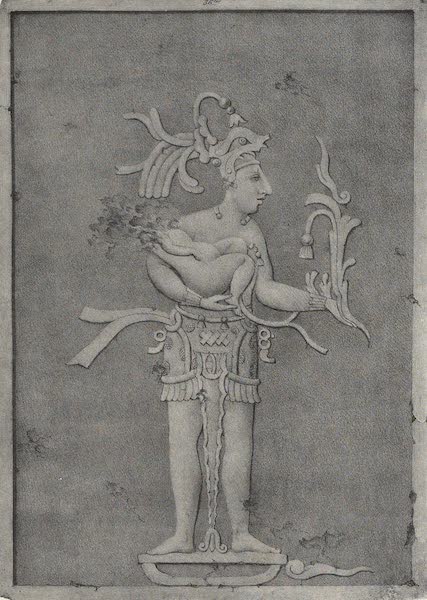 | 3ème Expedition - Planche XXXI
|
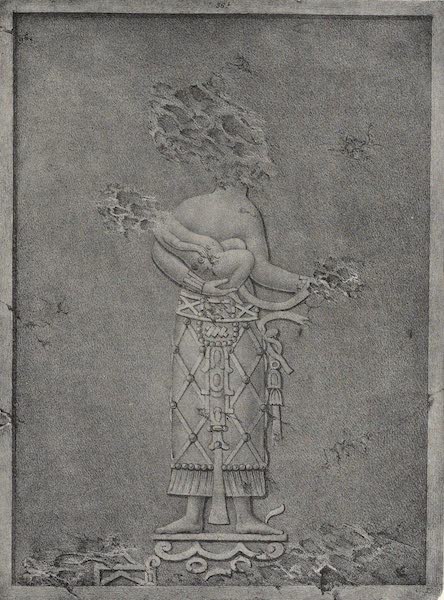 | 3ème Expedition - Planche XXXII
|
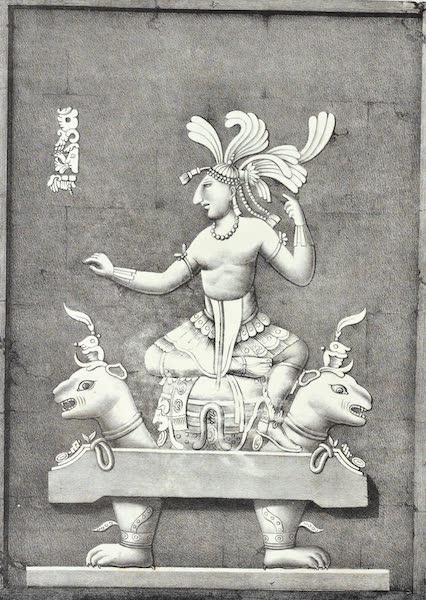 | 3ème Expedition - Planche XXXXIII
|
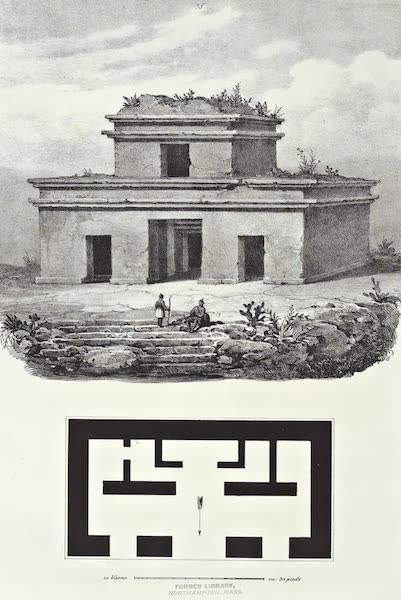 | 3ème Expedition - Planche XXXXIV
|
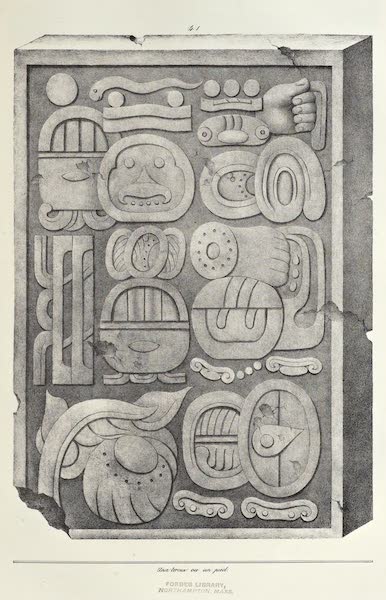 | 3ème Expedition - Planche XXXXIX
|
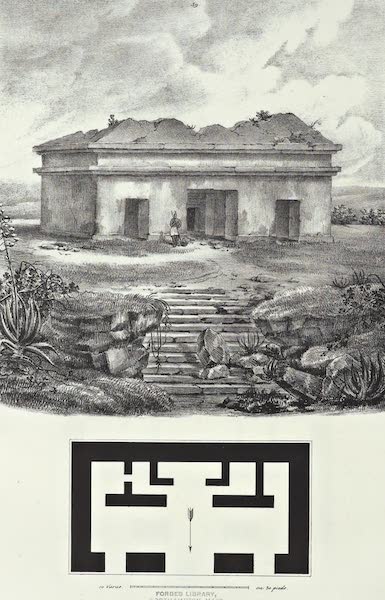 | 3ème Expedition - Planche XXXXV
|
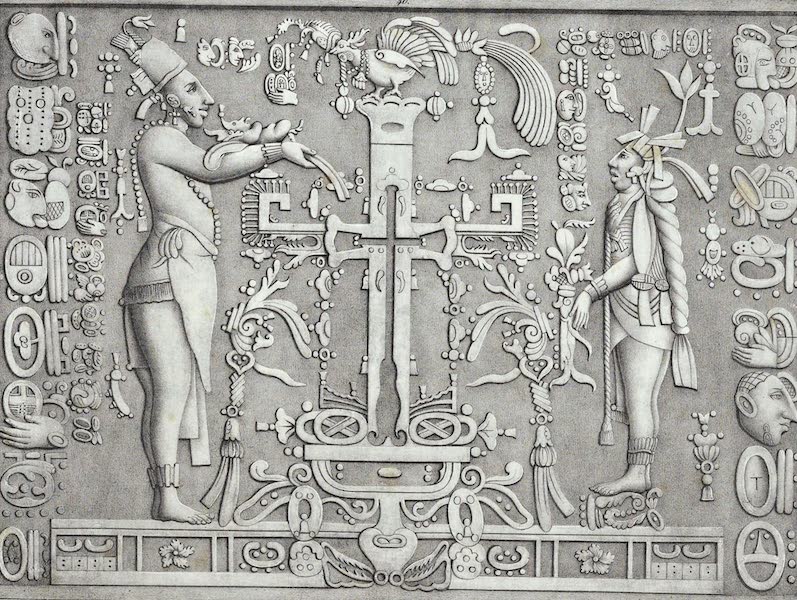 | 3ème Expedition - Planche XXXXVI
|
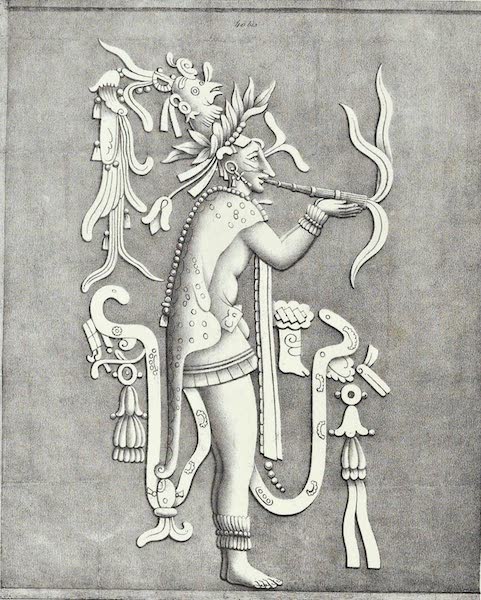 | 3ème Expedition - Planche XXXXVII
|
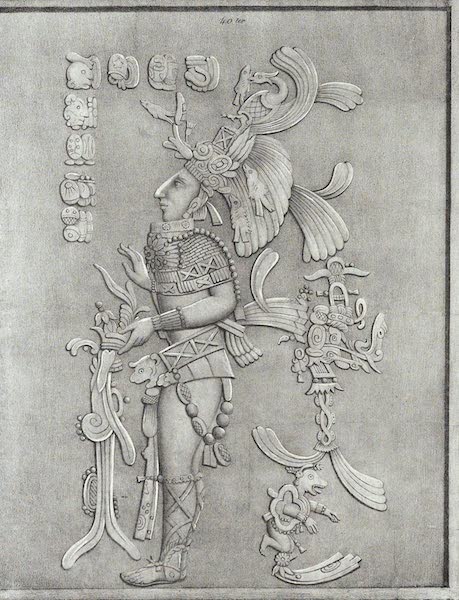 | 3ème Expedition - Planche XXXXVIII
|
![3) Monomotapa [II]](https://historyarchive.org/images/books/books-a/a-description-of-the-sea-coasts-in-the-east-indies-1690/plates/14-monomotapa-II.jpg) | 3) Monomotapa [II]
|
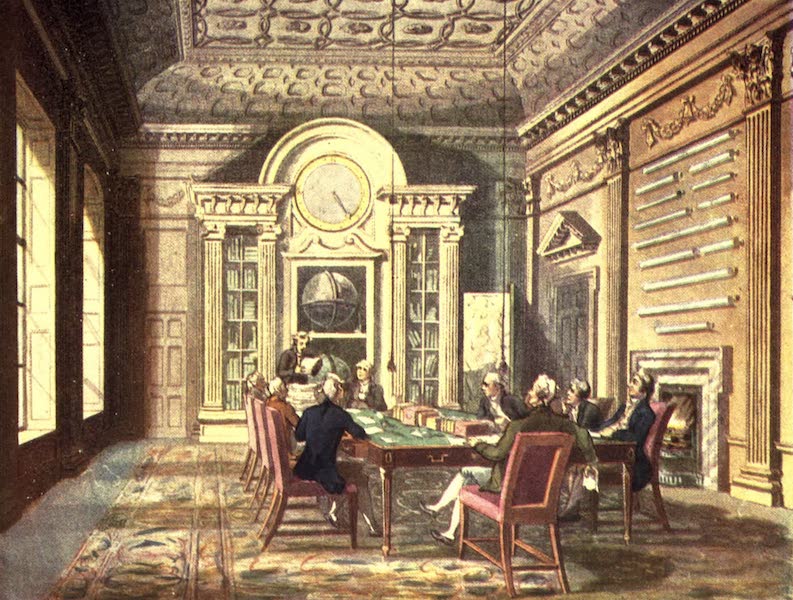 | 3. Board Room of the Admiralty.
|
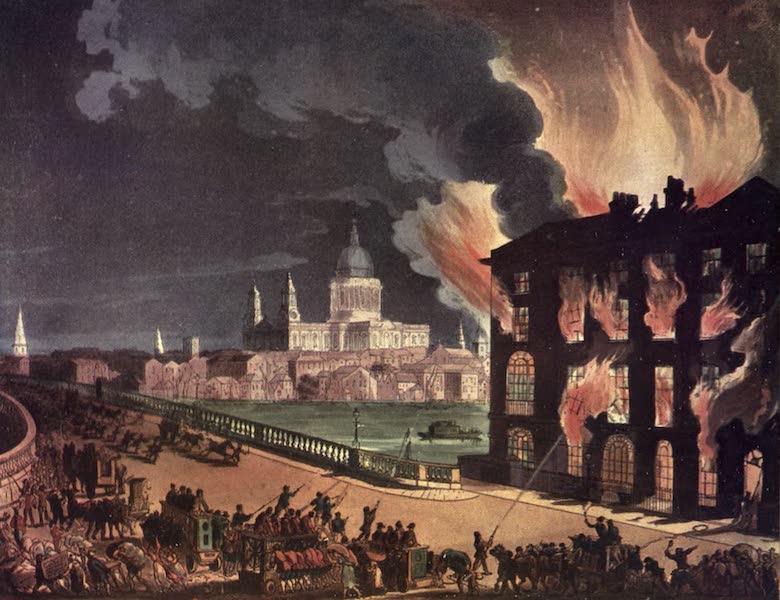 | 3. Board Room of the Admiralty.
|
 | 30) Bombahem Island, Island of Saltset, Coronia
|
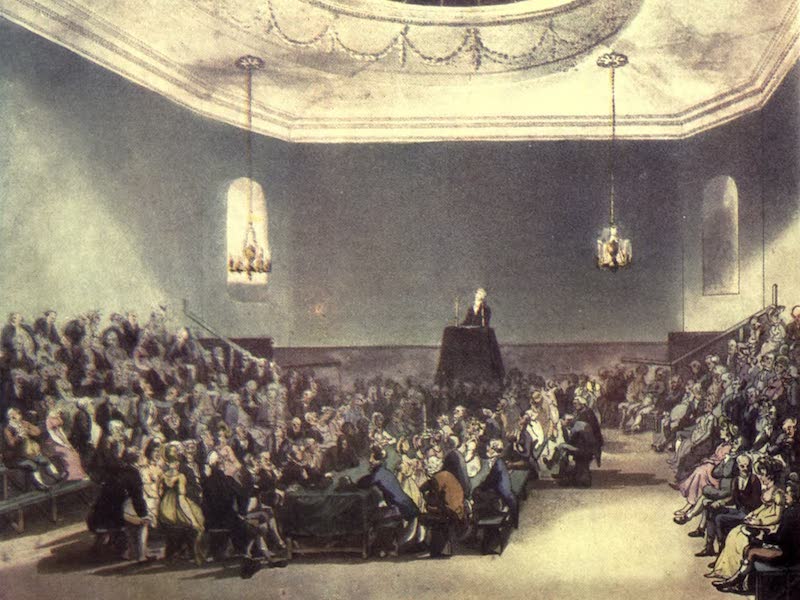 | 30. Debating Society, Piccadilly.
|
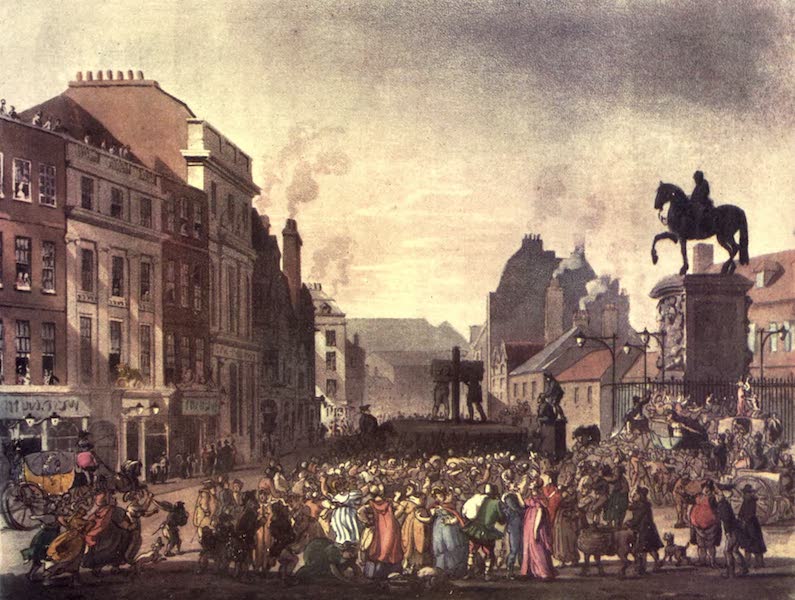 | 30. Debating Society, Piccadilly.
|
 | 31) Surrat City, Cambaya, Guzarat
|
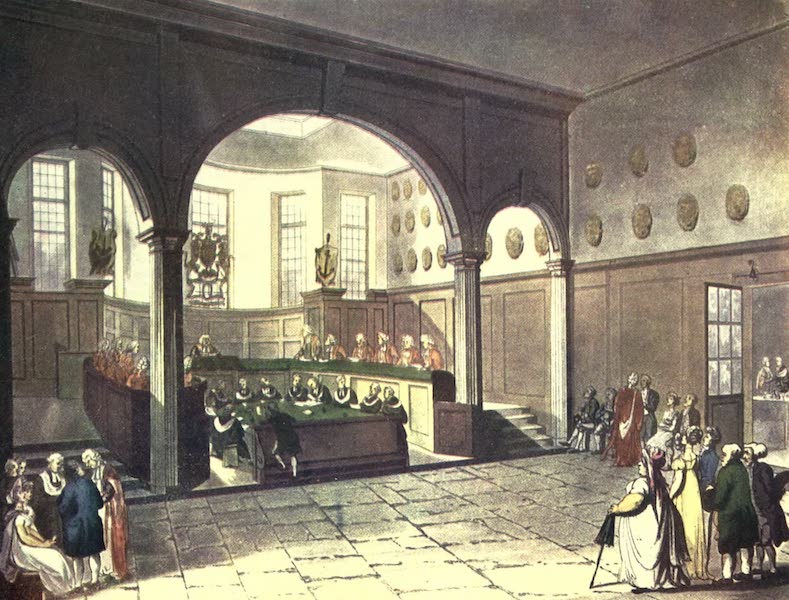 | 31. Doctor's Commons.
|
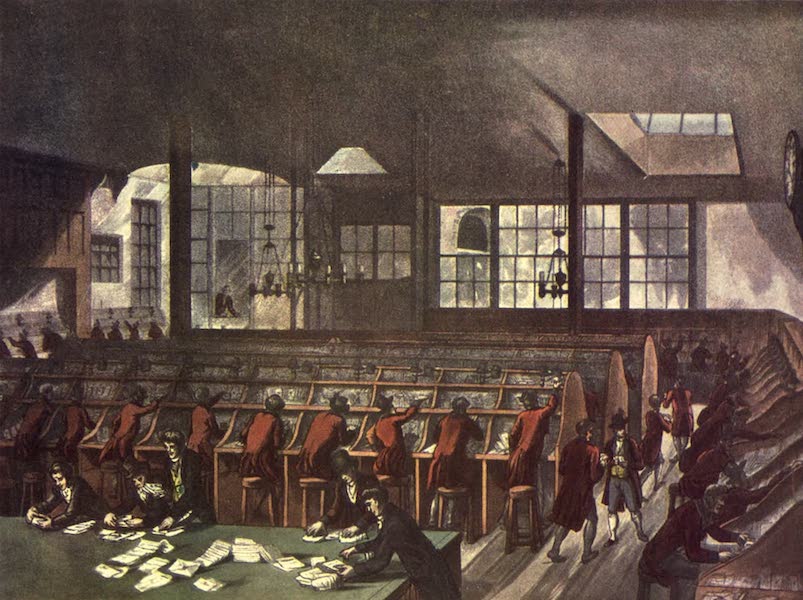 | 31. Doctor's Commons.
|
 | 31st Duke of Connaught's Own Lancers
|
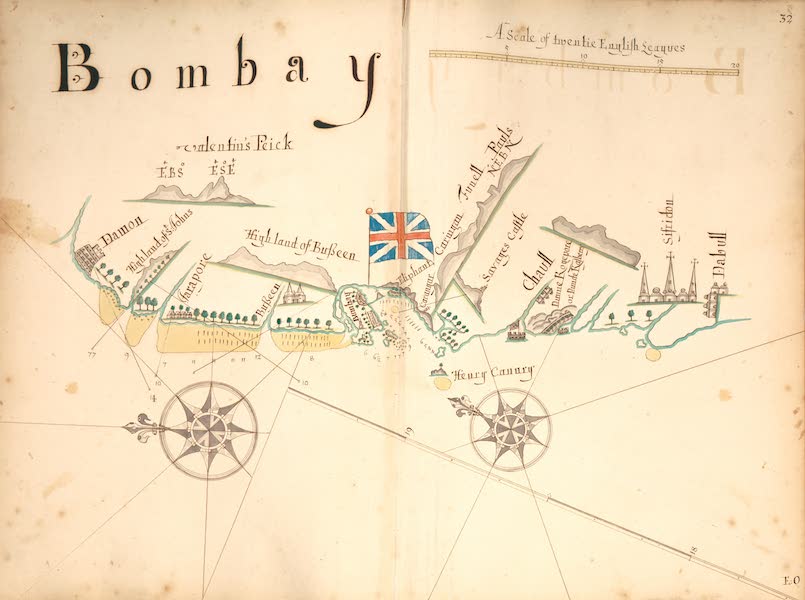 | 32) Bombay
|
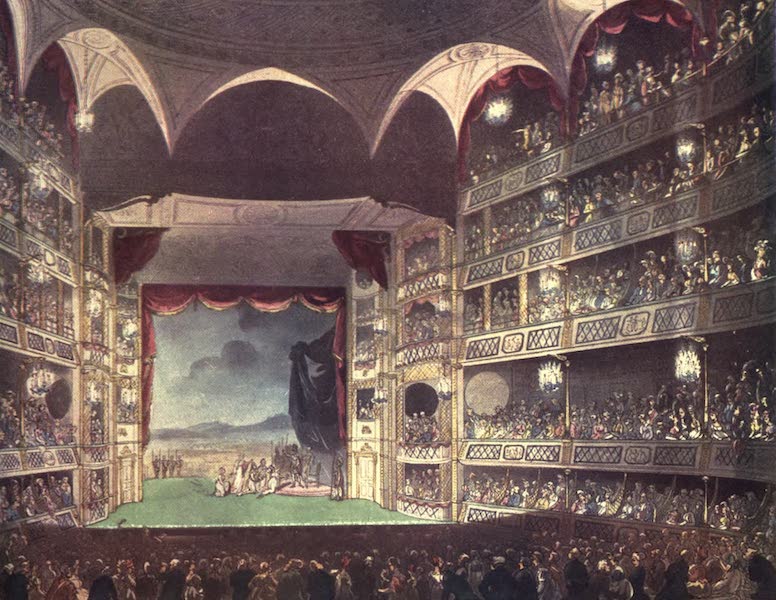 | 32. Drury Lane Theatre.
|
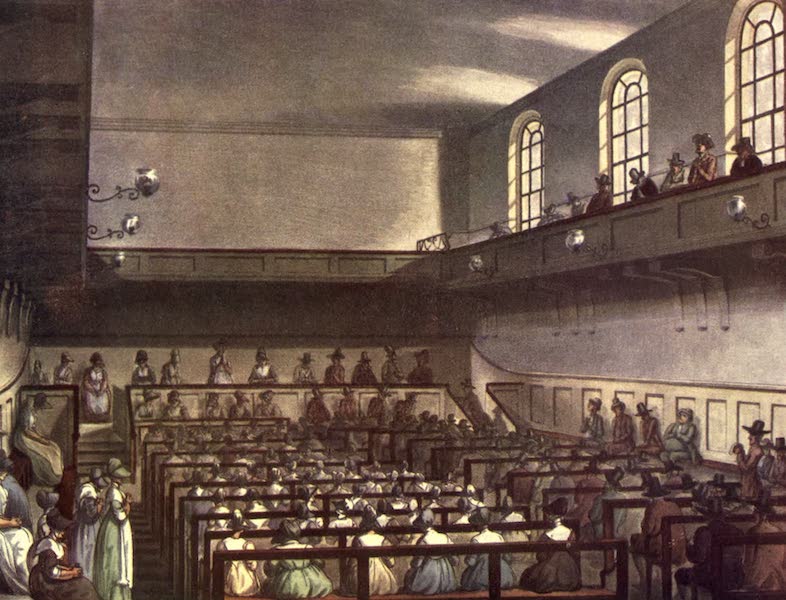 | 32. Drury Lane Theatre.
|
 | 32nd Lancers, 33rd Queen's Own Light Cavalry, and Queen's Own Corps of Guides
|
 | 33) Isle Coronia, India
|
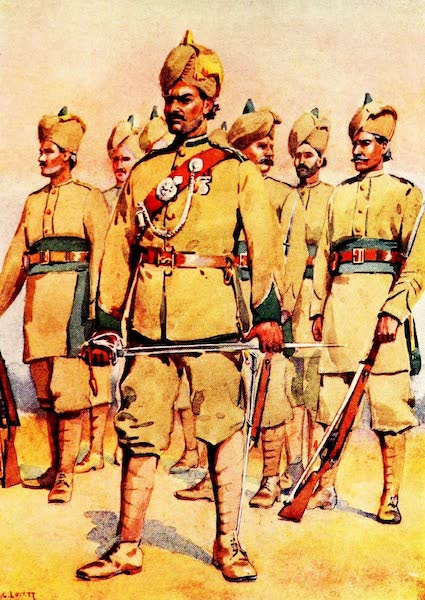 | 33rd Punjabis
|
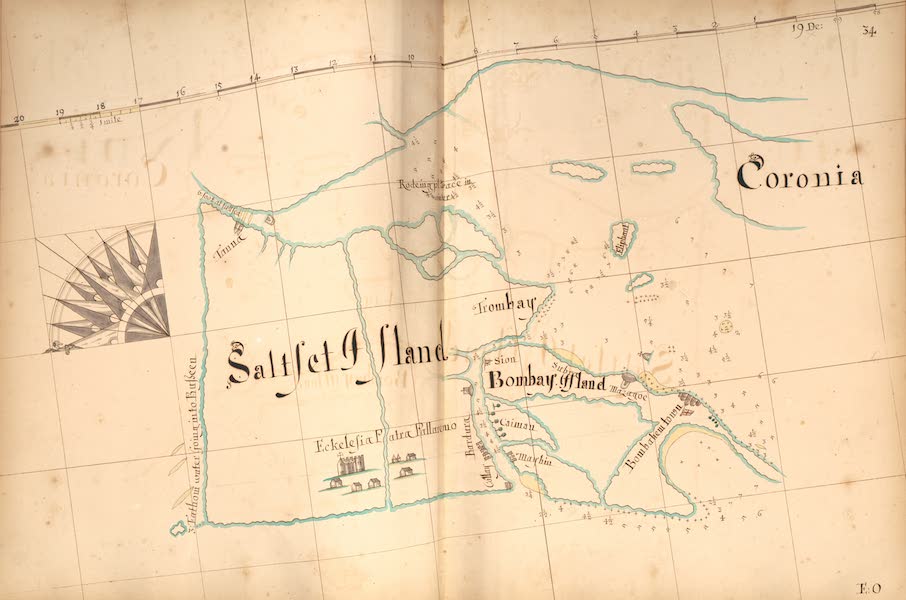 | 34) Saltset Island, Bombay Island, Coronia
|
 | 34th Prince Albert Victor's Own Poona Horse
|
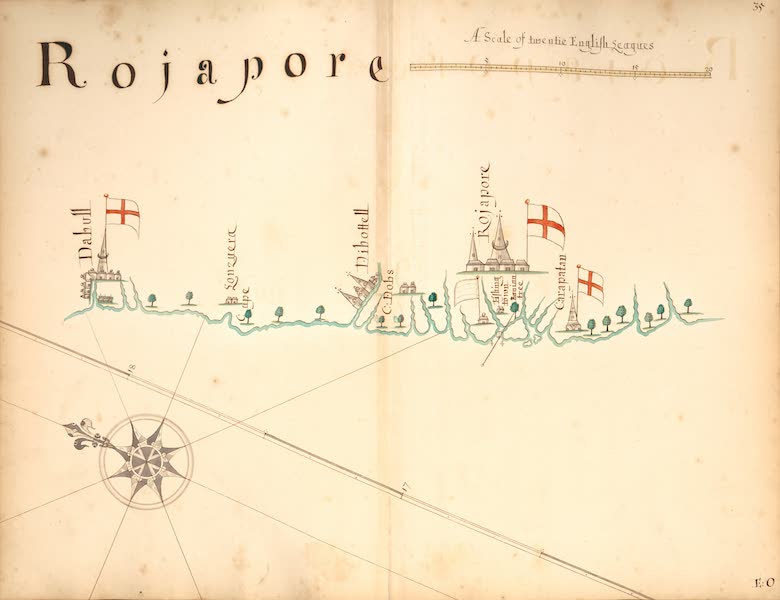 | 35) Rojapore
|
 | 35th Sikhs
|
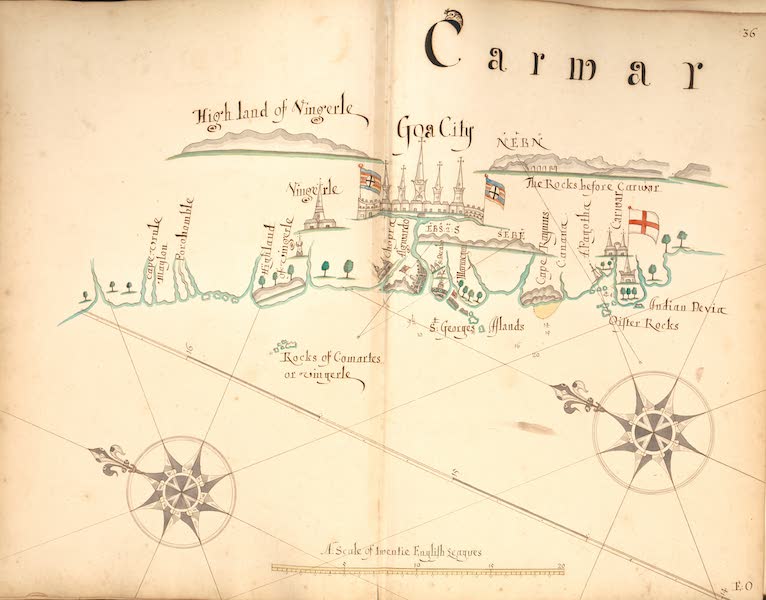 | 36) Carwar
|
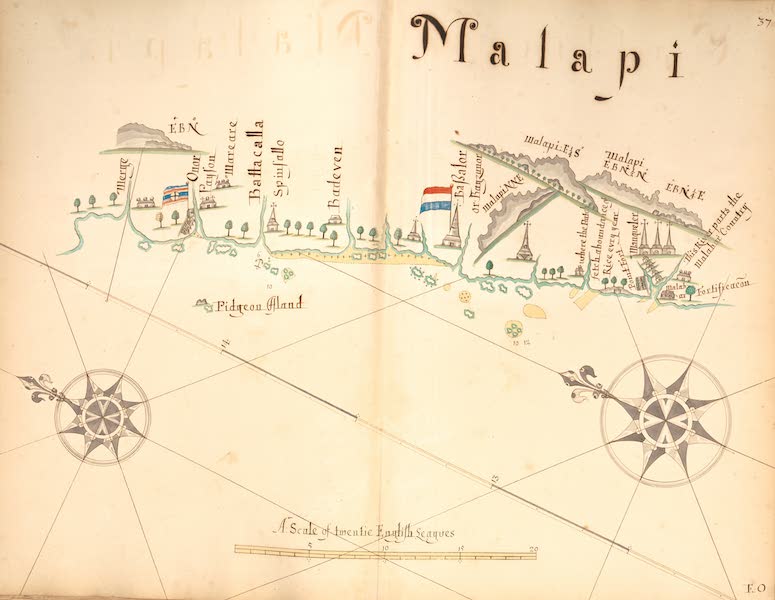 | 37) Malapi
|
 | 37th Lancers, 35th Scinde Horse, and 36th Jacob's Horse
|
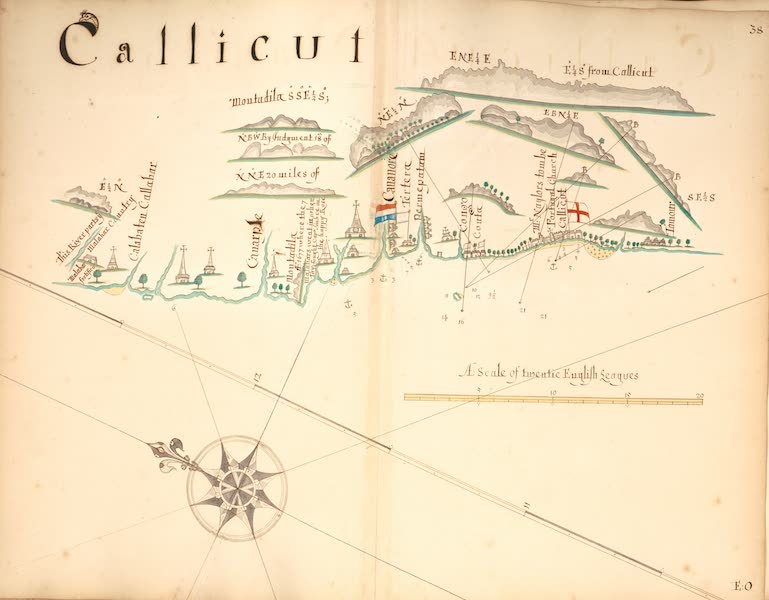 | 38) Callicut
|
 | 38th King George's Own Central India Horse
|
 | 39) Cuchin
|
 | 39th Garhwal Rifles
|
 | 3rd Army Corps (I)
|
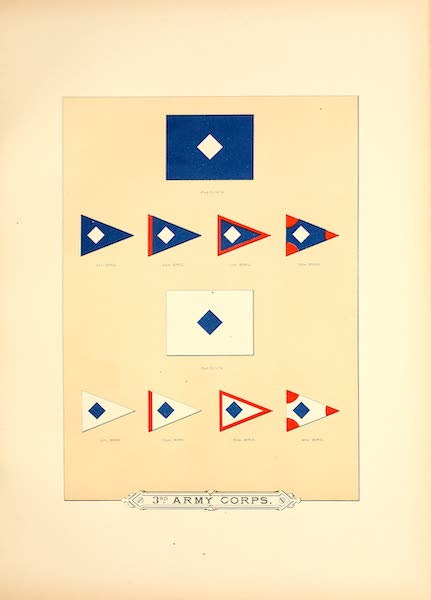 | 3rd Army Corps (II)
|
 | 3rd Sappers and Miners
|
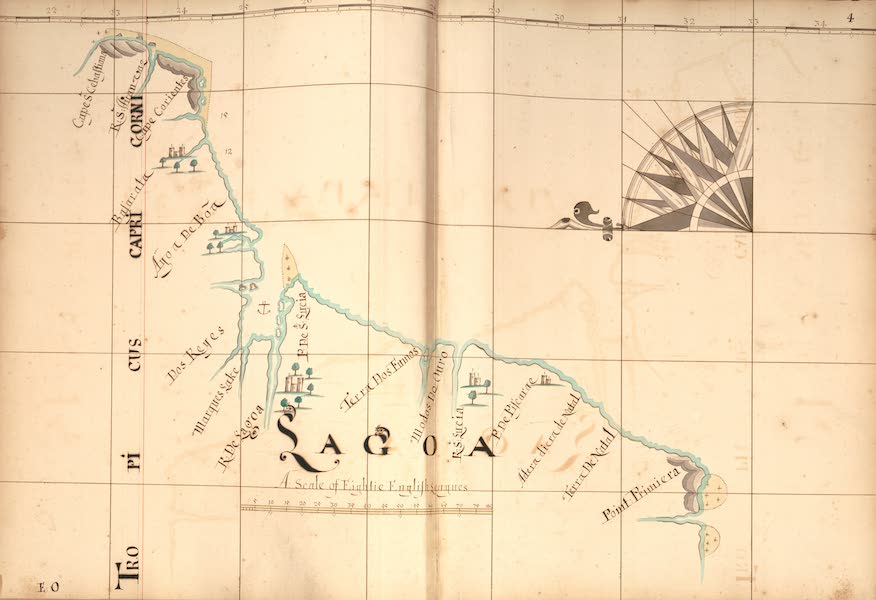 | 4) Lagao
|
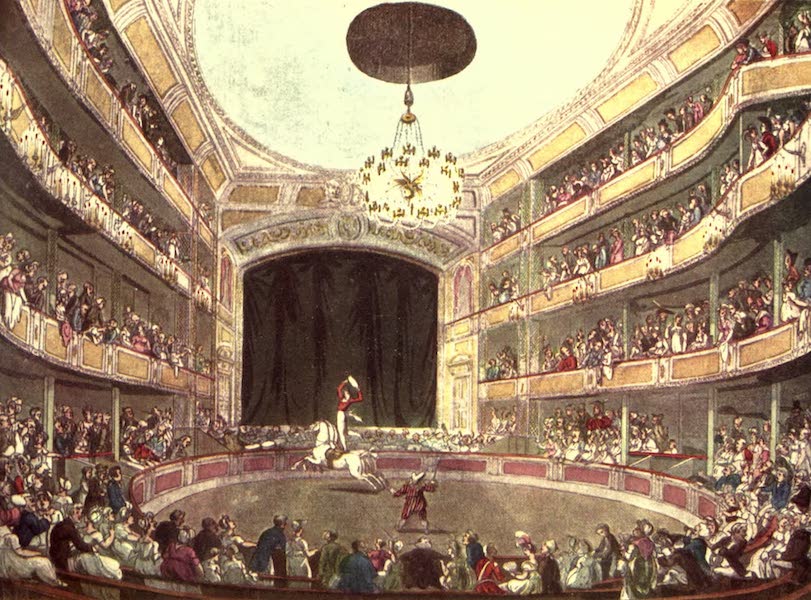 | 4. Astley's Amphitheatre.
|
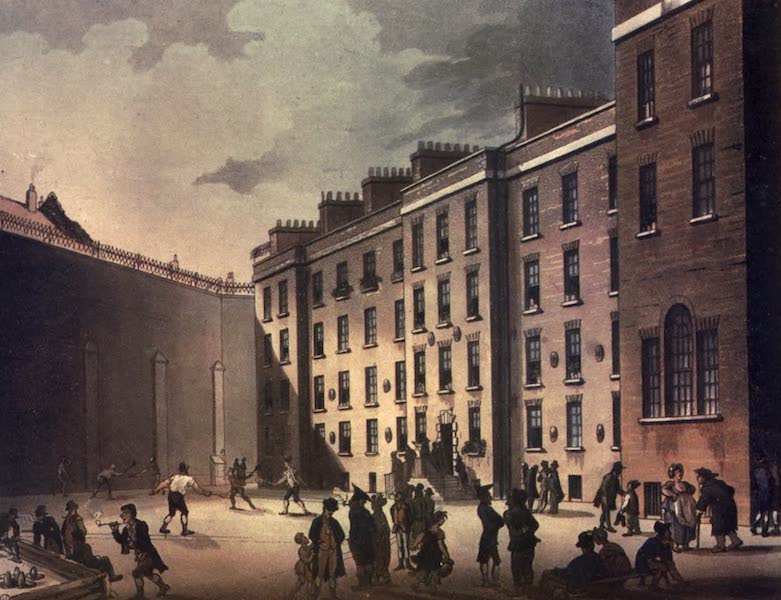 | 4. Astley's Amphitheatre.
|
 | 40) Comarin
|
 | 40th Pathans
|
![41) Ceiloan [I]](https://historyarchive.org/images/books/books-a/a-description-of-the-sea-coasts-in-the-east-indies-1690/plates/52-ceiloan-I.jpg) | 41) Ceiloan [I]
|
![42) Ceiloan [II]](https://historyarchive.org/images/books/books-a/a-description-of-the-sea-coasts-in-the-east-indies-1690/plates/53-ceiloan-II.jpg) | 42) Ceiloan [II]
|
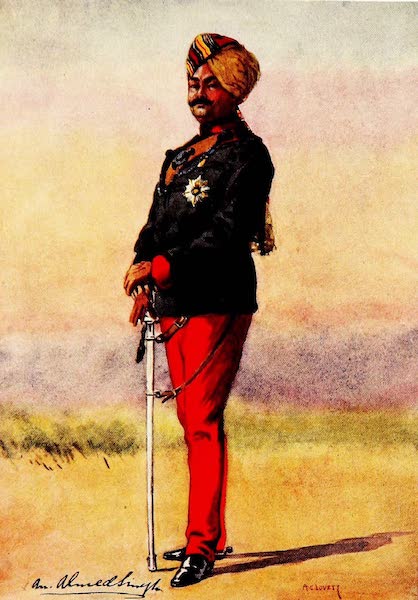 | 42nd Deoli Regiment
|
![43) Coramandel [I]](https://historyarchive.org/images/books/books-a/a-description-of-the-sea-coasts-in-the-east-indies-1690/plates/54-coramandel-I.jpg) | 43) Coramandel [I]
The Coromandel Coast is a name formerly applied officially to the eastern seaboard of India approximately between Cape Calimere, in 10° 17' N., 79° 56' E., and the mouths of the Kistna river. The shore, which is low, is without a single good natural harbour, and is at all times beaten by a heavy sea. Communication with ships can be effected only by catamarans and flat-bottomed surf-boats. The north-east monsoon, which lasts from October till April, is exceedingly violent for three months after its commencement. From April till October hot southerly winds blow by day; at night the heat is tempered by sea-breezes. The principal places frequented by shipping are Pulicat, Madras, Sadras, Pondicherry, Cuddalore, Tranquebar, Nagore, and Negapatam. The name Coromandel is said to be derived from Cholamandal, the mandal or region of the ancient dynasty of the Chola. Its official use has lapsed. References: 1911 Encyclopaedia Britannica, Volume 7. pg. 187. |
 | 43rd Erinpura Regiment, 44th Merwara Infantry, and 108th Infantry
|
![44) Coramandel [II]](https://historyarchive.org/images/books/books-a/a-description-of-the-sea-coasts-in-the-east-indies-1690/plates/55-coramandel-II.jpg) | 44) Coramandel [II]
The Coromandel Coast is a name formerly applied officially to the eastern seaboard of India approximately between Cape Calimere, in 10° 17' N., 79° 56' E., and the mouths of the Kistna river. The shore, which is low, is without a single good natural harbour, and is at all times beaten by a heavy sea. Communication with ships can be effected only by catamarans and flat-bottomed surf-boats. The north-east monsoon, which lasts from October till April, is exceedingly violent for three months after its commencement. From April till October hot southerly winds blow by day; at night the heat is tempered by sea-breezes. The principal places frequented by shipping are Pulicat, Madras, Sadras, Pondicherry, Cuddalore, Tranquebar, Nagore, and Negapatam. The name Coromandel is said to be derived from Cholamandal, the mandal or region of the ancient dynasty of the Chola. Its official use has lapsed. References: 1911 Encyclopaedia Britannica, Volume 7. pg. 187. |
![45) Bisnagar [I]](https://historyarchive.org/images/books/books-a/a-description-of-the-sea-coasts-in-the-east-indies-1690/plates/56-bisnagar-I.jpg) | 45) Bisnagar [I]
|
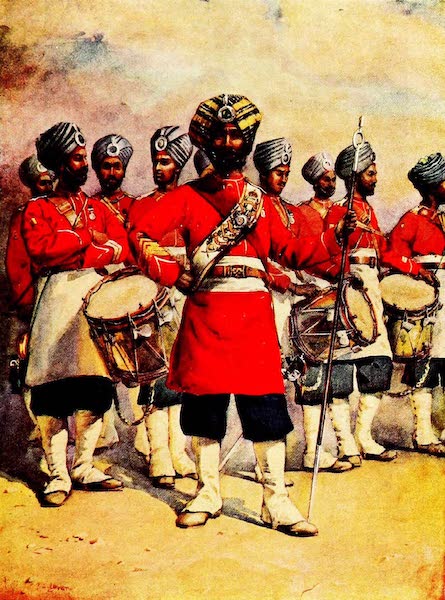 | 45th Rattray's Sikhs
|
![46) Orixa [I]](https://historyarchive.org/images/books/books-a/a-description-of-the-sea-coasts-in-the-east-indies-1690/plates/57-orixa-I.jpg) | 46) Orixa [I]
|
 | 46th and 33rd Punjabis
|
![47) Ceiloan [III]](https://historyarchive.org/images/books/books-a/a-description-of-the-sea-coasts-in-the-east-indies-1690/plates/58-ceiloan-III.jpg) | 47) Ceiloan [III]
|
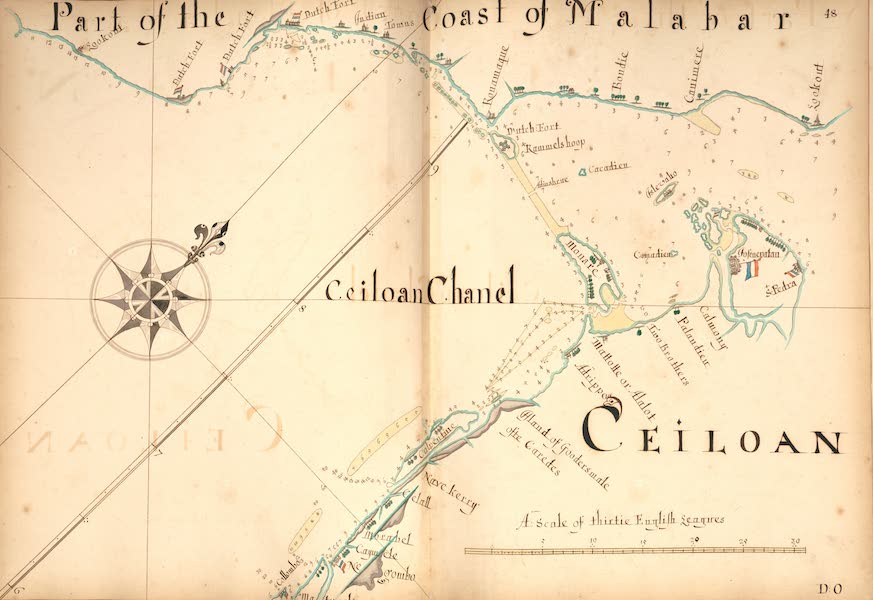 | 48) Part of the Coast of Malabar, Ceiloan
|
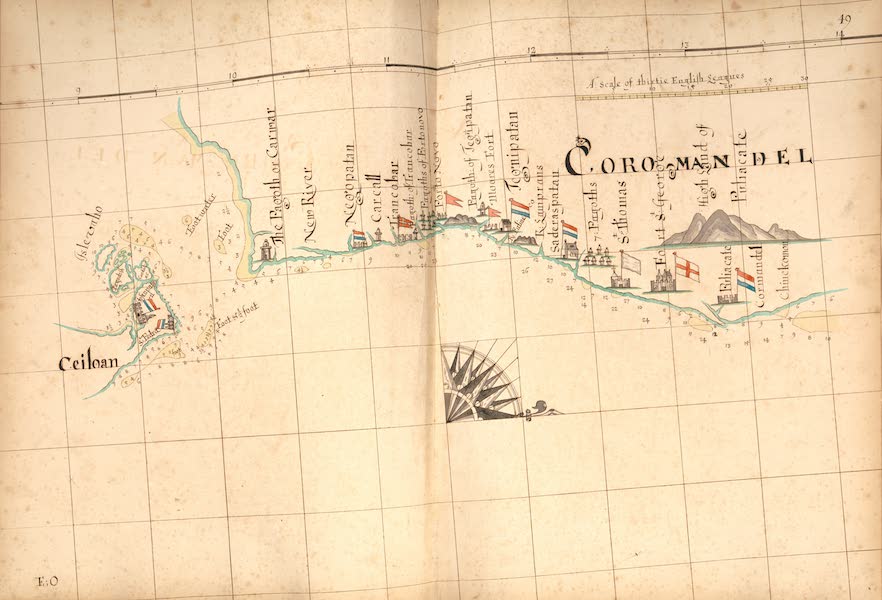 | 49) Ceiloan, Coramandel
|
 | 4th and 4th Window, North Aisle
Fourth & Fifth Window, North Aisle. [6 monuments] John Barker Esq / Henry Priestman / Jas Stewart Denham / Philip Carteret / Thomas Livingston. |
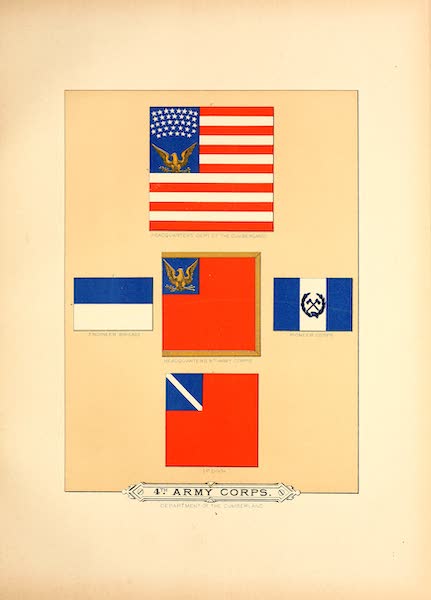 | 4th Army Corps (I)
|
 | 4th Army Corps (II)
|
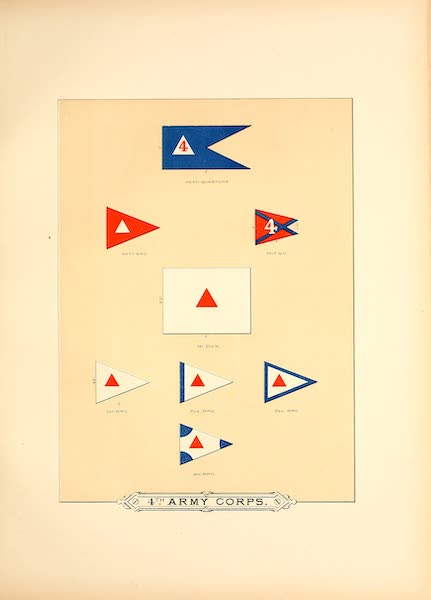 | 4th Army Corps (III)
|
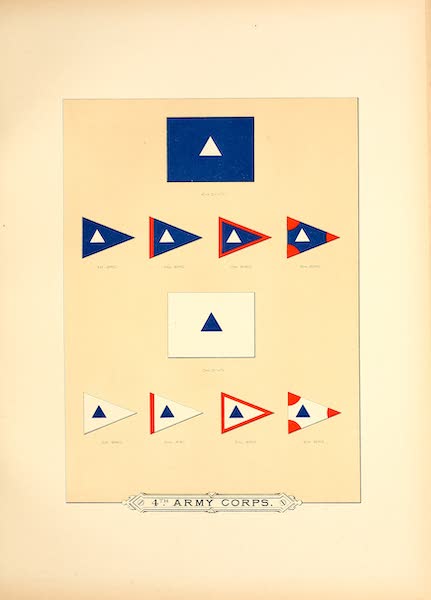 | 4th Army Corps (IV)
|
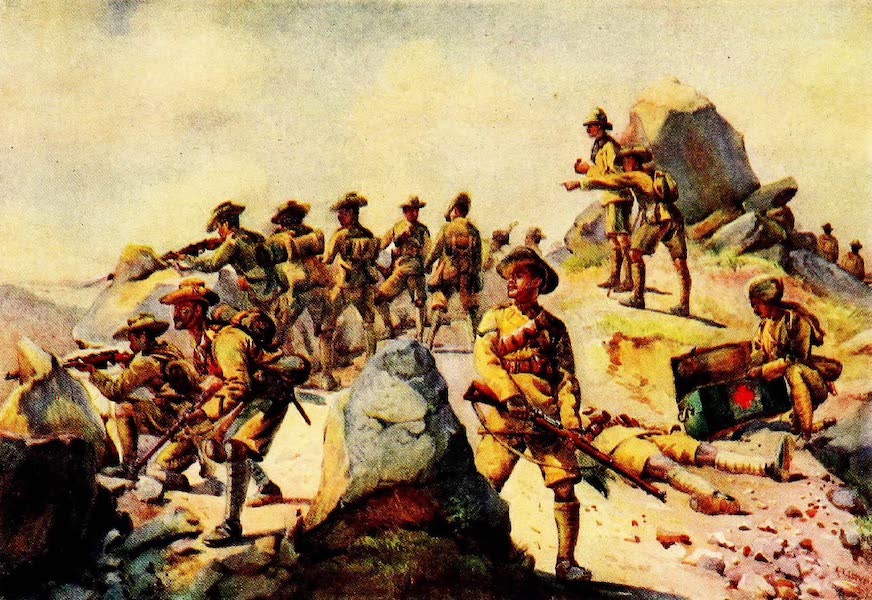 | 4th Gurkha Rifles
|
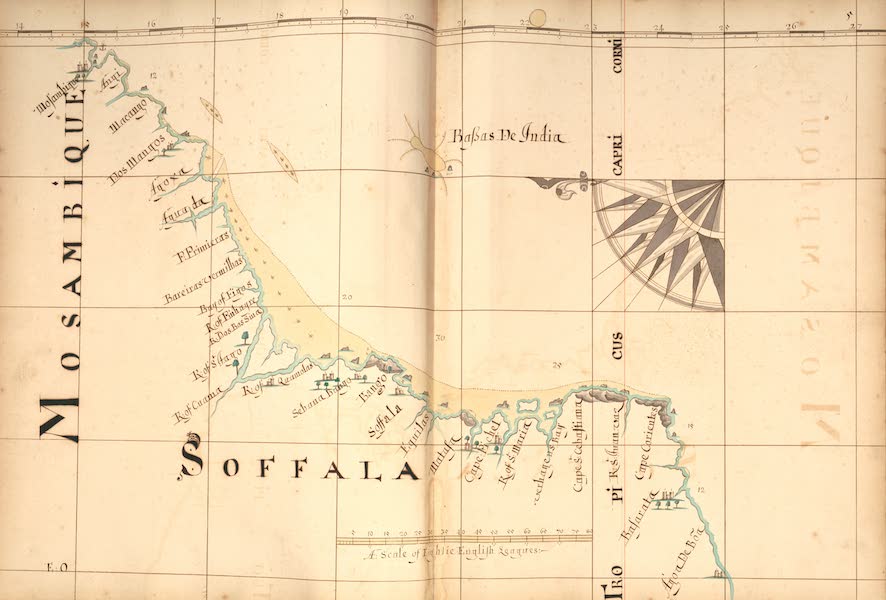 | 5) Mosambique, Soffala
|
 | 5. Dining Hall, Asylum.
|
 | 5. Dining Hall, Asylum.
|
![50) Coramandel [III]](https://historyarchive.org/images/books/books-a/a-description-of-the-sea-coasts-in-the-east-indies-1690/plates/61-coramandel-III.jpg) | 50) Coramandel [III]
|
![51) Bisnagar [II]](https://historyarchive.org/images/books/books-a/a-description-of-the-sea-coasts-in-the-east-indies-1690/plates/62-bisnagar-II.jpg) | 51) Bisnagar [II]
|
![52) Orixa [II]](https://historyarchive.org/images/books/books-a/a-description-of-the-sea-coasts-in-the-east-indies-1690/plates/63-orixa-II.jpg) | 52) Orixa [II]
|
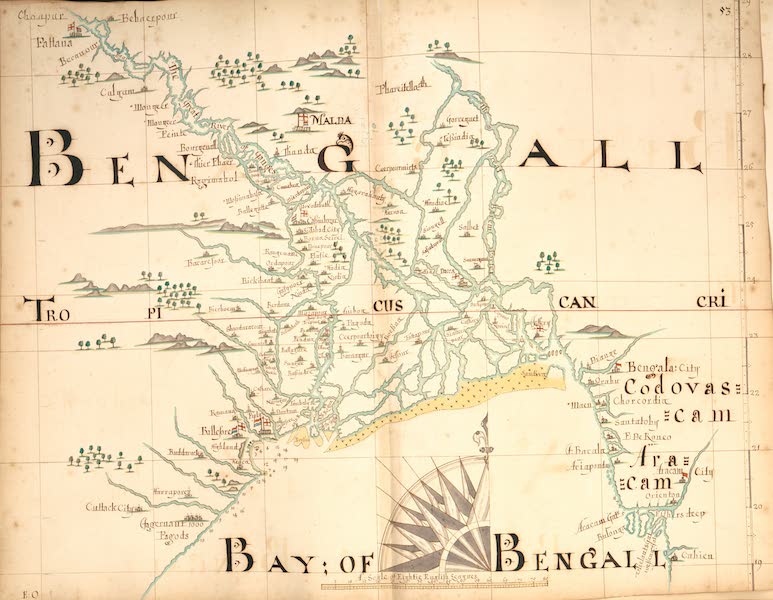 | 53) Bengall, Bay of Bengall
|
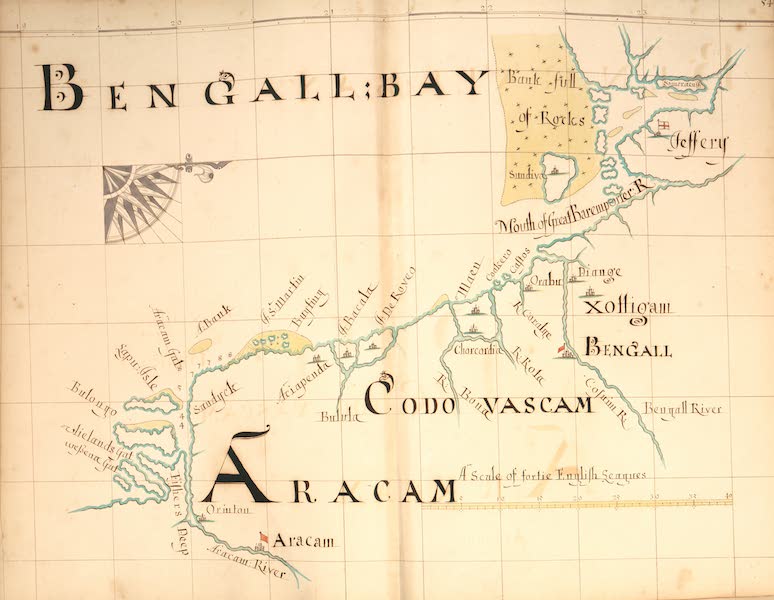 | 54) Bengall Bay, Aracam
|
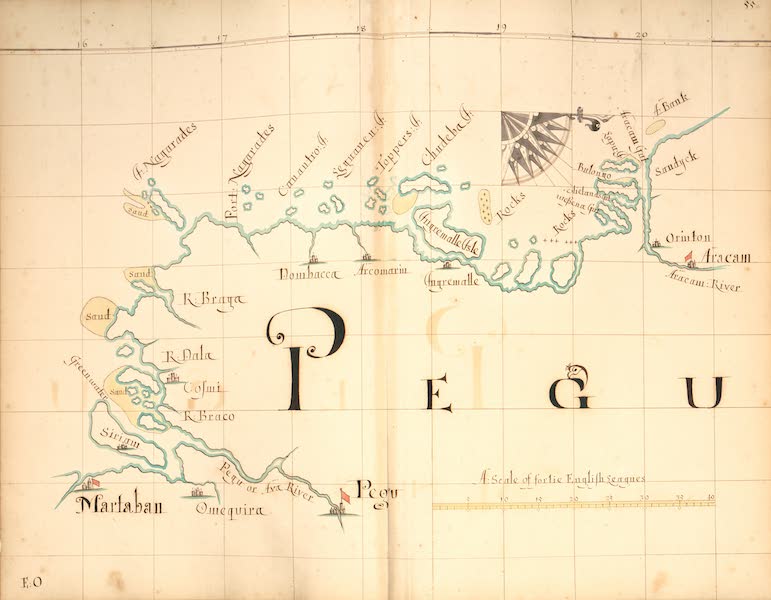 | 55) Pegu
|
 | 56) Martaban
|
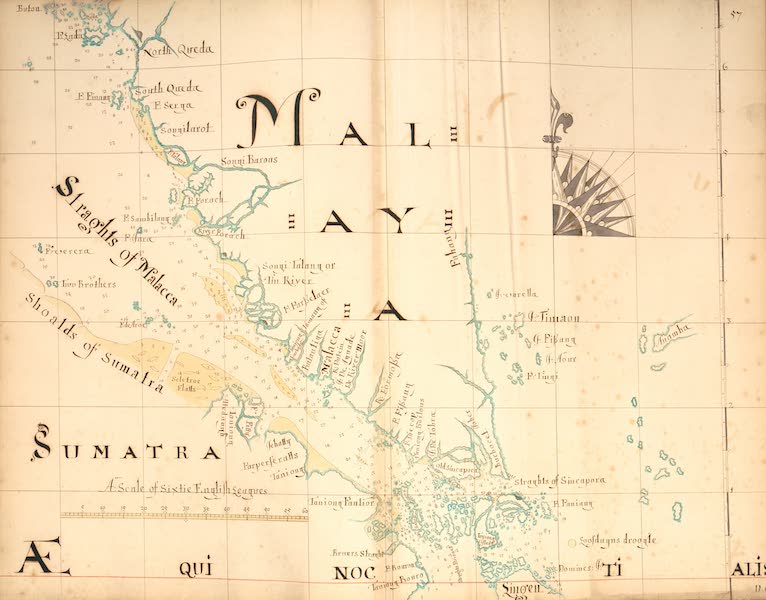 | 57) Malaya, Sumatra
|
 | 58) Borneo
|
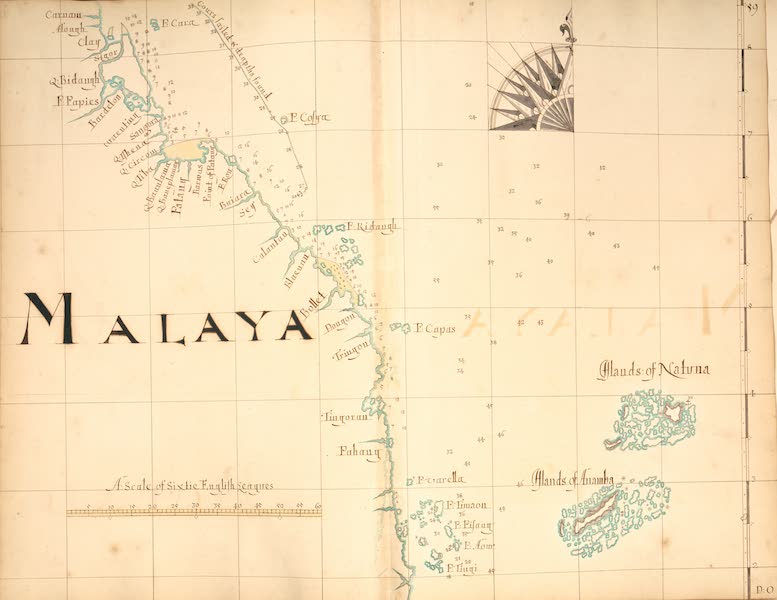 | 59) Malaya
|
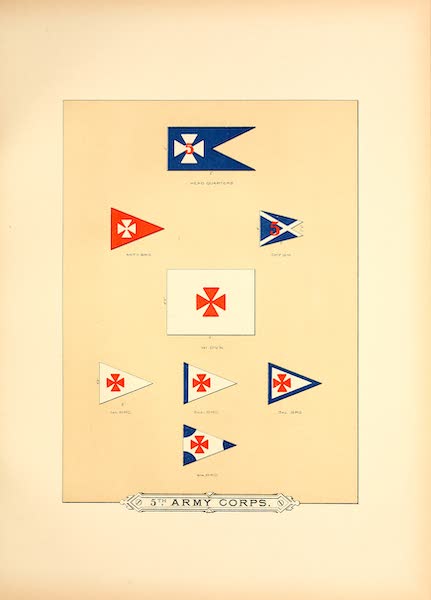 | 5th Army Corps (I)
|
 | 5th Army Corps (II)
|
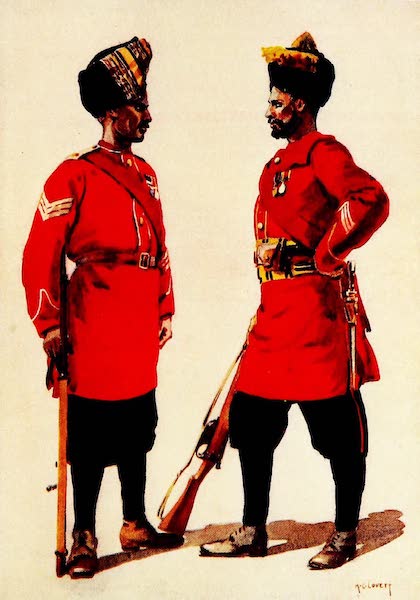 | 5th Light Infantry and 6th Jat Light Infantry
|
![6) S. Lorinso [I]](https://historyarchive.org/images/books/books-a/a-description-of-the-sea-coasts-in-the-east-indies-1690/plates/17-s-lorinso-I.jpg) | 6) S. Lorinso [I]
|
 | 6. Christie's Auction Room.
|
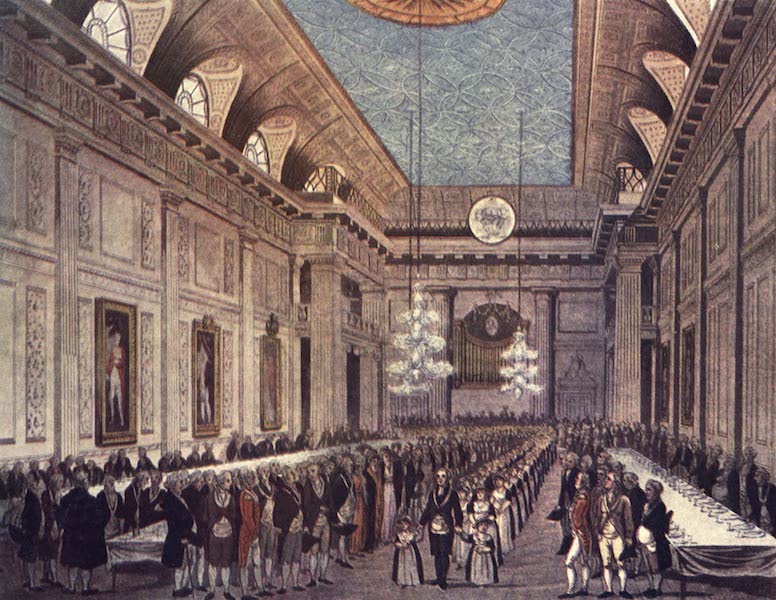 | 6. Christie's Auction Room.
|
 | 60) Bancosey, Siam, Cambodia, Siompa
|
 | 61) Cambodia, China, Siompa
|
 | 62) Quinam, Aynam
|
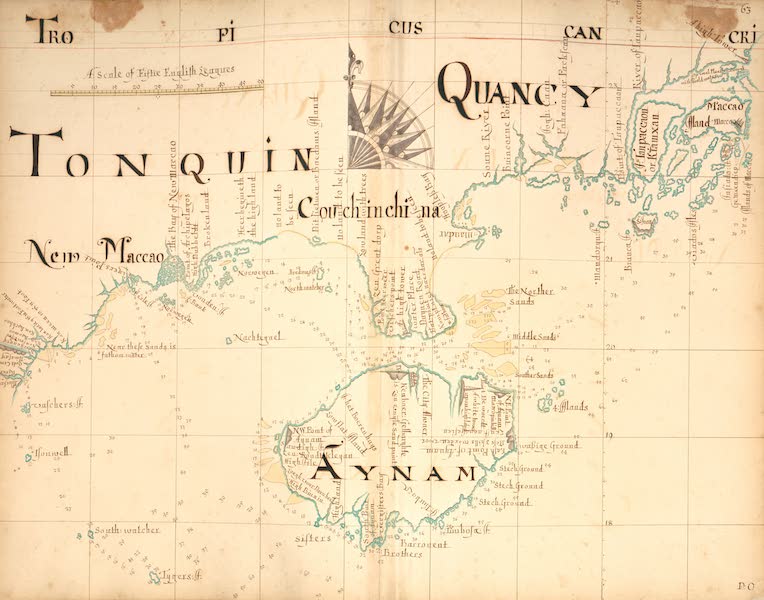 | 63) Tonquin, Qunacy, Aynam
|
 | 64) Cantan, Formosa, Luconia
|
 | 65) Luconia
|
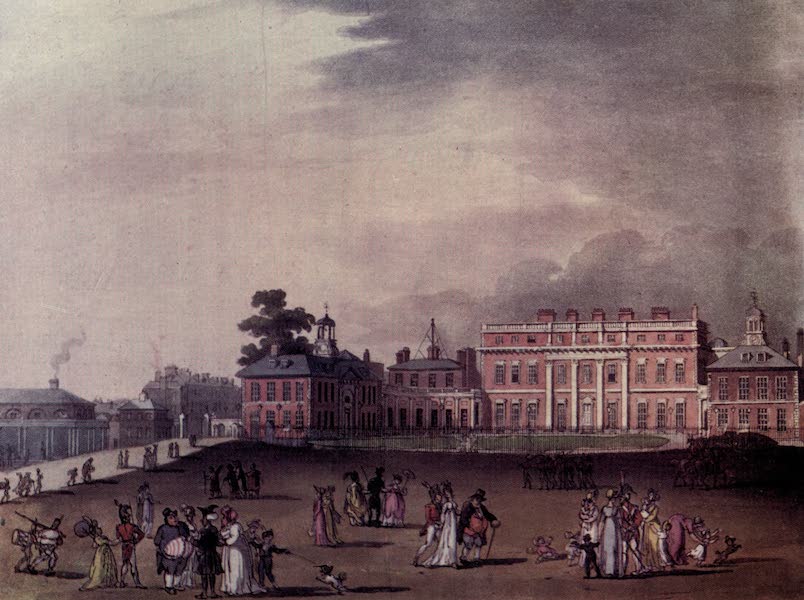 | 65. Queen's Palace, St. James's Park.
|
 | 66) China
|
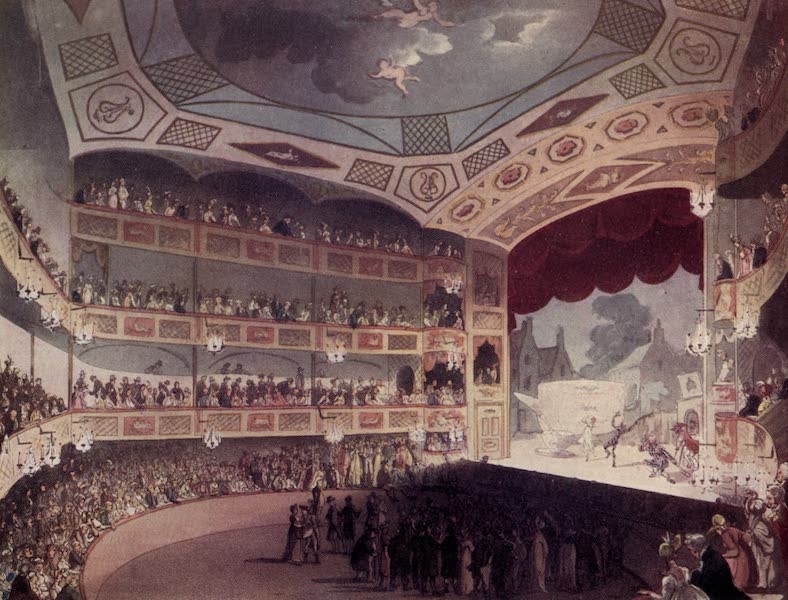 | 66. Royal Circus.
|
![67) Formosa [I]](https://historyarchive.org/images/books/books-a/a-description-of-the-sea-coasts-in-the-east-indies-1690/plates/78-formosa-I.jpg) | 67) Formosa [I]
|
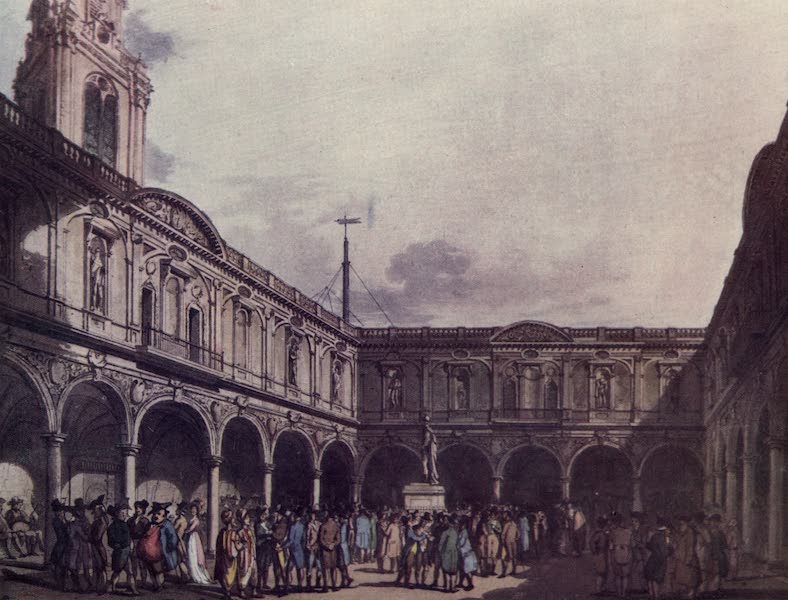 | 67. Royal Exchange.
|
![68) Formosa [II]](https://historyarchive.org/images/books/books-a/a-description-of-the-sea-coasts-in-the-east-indies-1690/plates/79-formosa-II.jpg) | 68) Formosa [II]
|
 | 68. Royal Institution, Albermale Street.
|
 | 69) Chekiang, China, Formosa
|
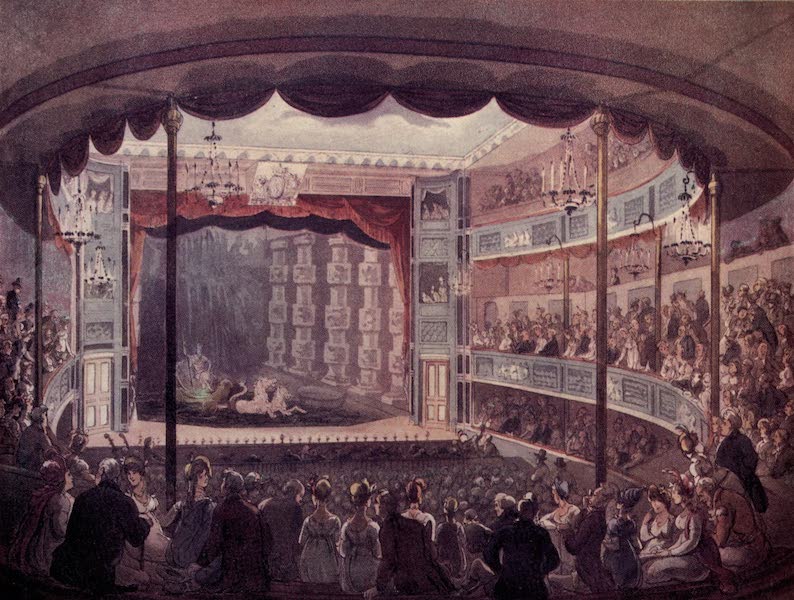 | 69. Sadlers Wells Theatre.
|
 | 6th Army Corps (I)
|
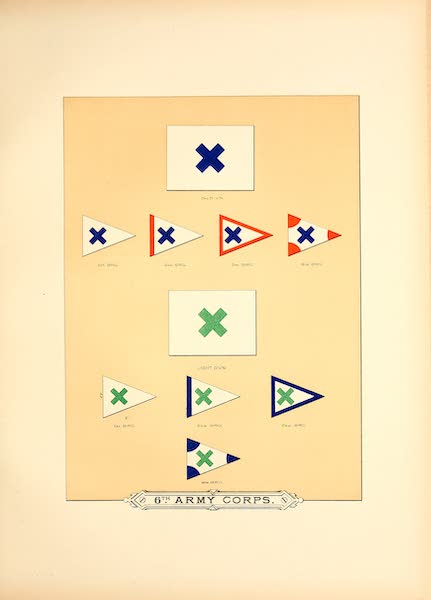 | 6th Army Corps (II)
|
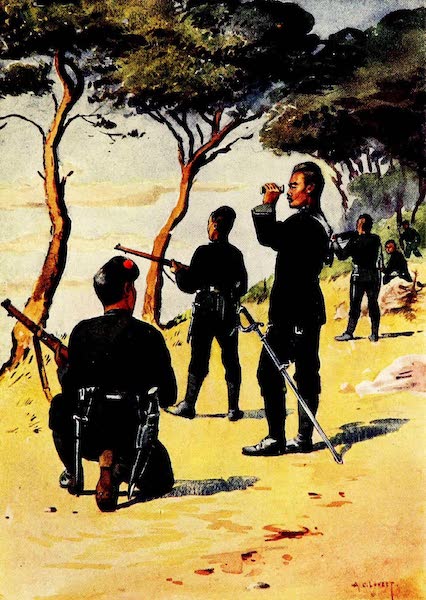 | 6th Gurkha Rifles
|
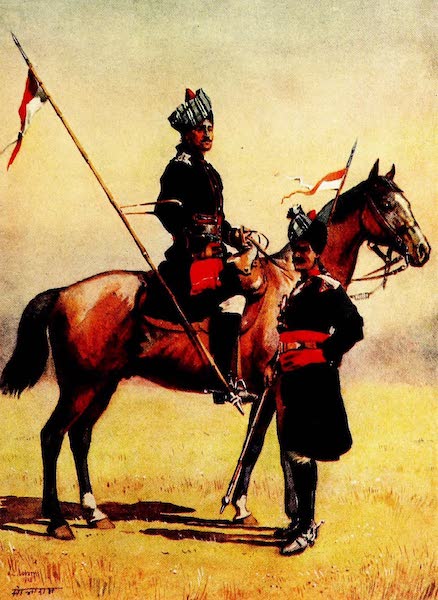 | 6th King Edward's Own Cavalry and 8th Cavalry
|
 | 6th, 7th, and 8th Windows, North Aisle
Sixth, Seventh & Eighth Windows, North Aisle. [15 monuments] William Levintz / Thomas Banks / Josiah & John Twysden / H. Twysden / Jas. Bringfield / Robt. Killigrew / Gideon Loten / Ann Whytell / Edward Herbert / G. Thornburgh / Mary Beaufoy / Jane Hill / Thomas Mansel & William Morgan / Edward Mansel / R. Mead / Robt. & Rich. Cholmondeley. |
![7) Mosambuique, S. Lorinso [I]](https://historyarchive.org/images/books/books-a/a-description-of-the-sea-coasts-in-the-east-indies-1690/plates/18-mosambuique-s-lorinso-I.jpg) | 7) Mosambuique, S. Lorinso [I]
|
 | 7. The Great Hall, Bank of England.
|
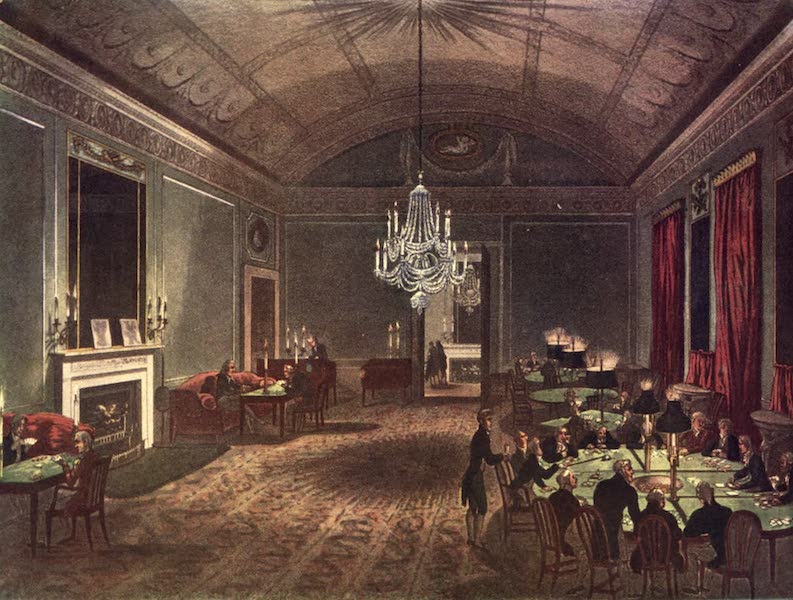 | 7. The Great Hall, Bank of England.
|
![70) Islands [I]](https://historyarchive.org/images/books/books-a/a-description-of-the-sea-coasts-in-the-east-indies-1690/plates/81-islands.jpg) | 70) Islands [I]
|
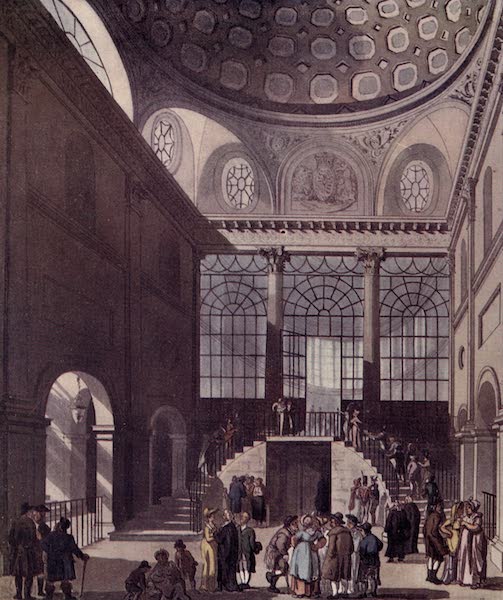 | 70. Session House, Clerkenwell.
|
 | 71) Xantung, Nanquin
|
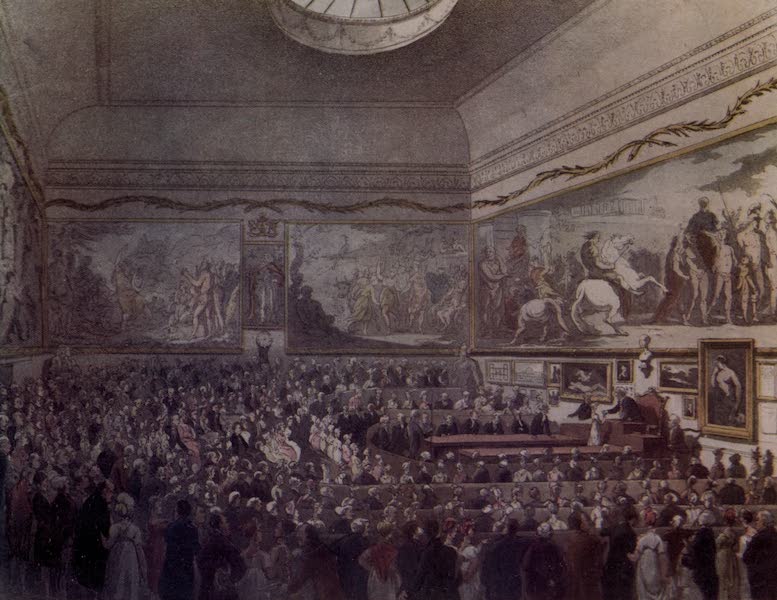 | 71. Society for the Encouragement of Arts &c. Adelphi.
|
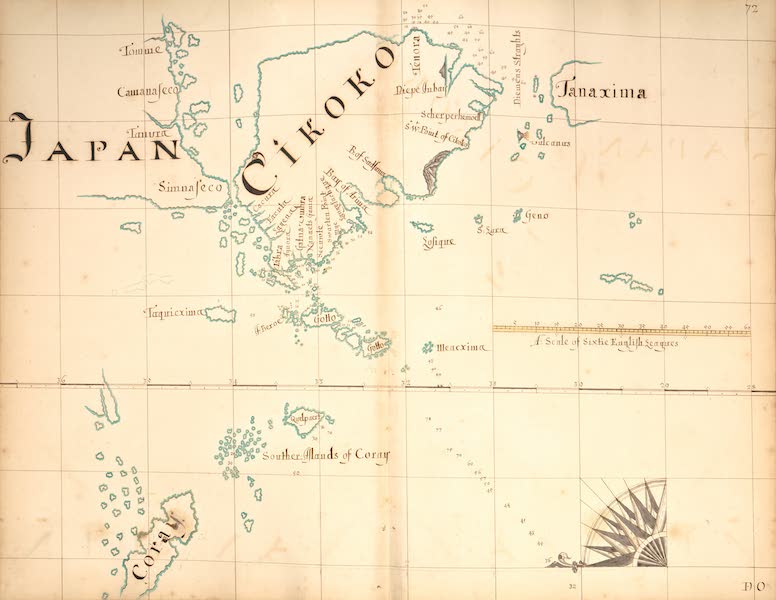 | 72) Japan, Cikoko, Tanaxima
|
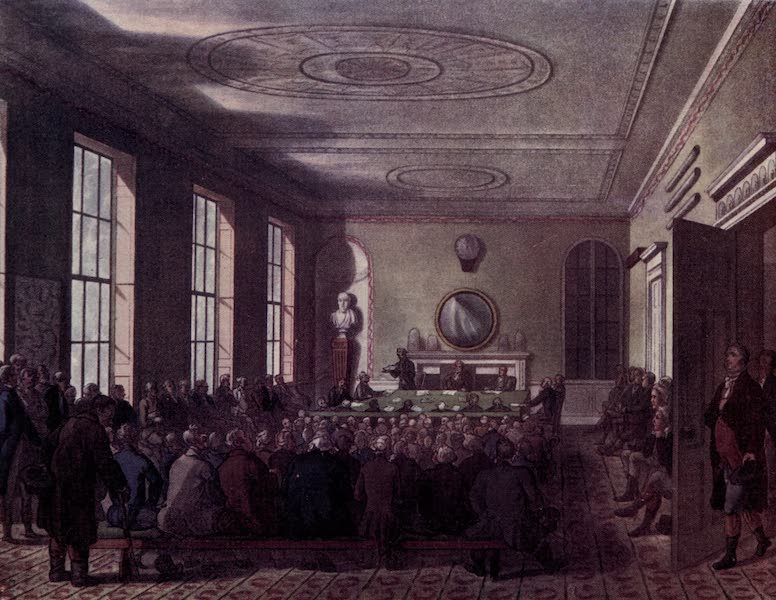 | 72. Society of Agriculture.
|
 | 73) Sumatra, Malaya
|
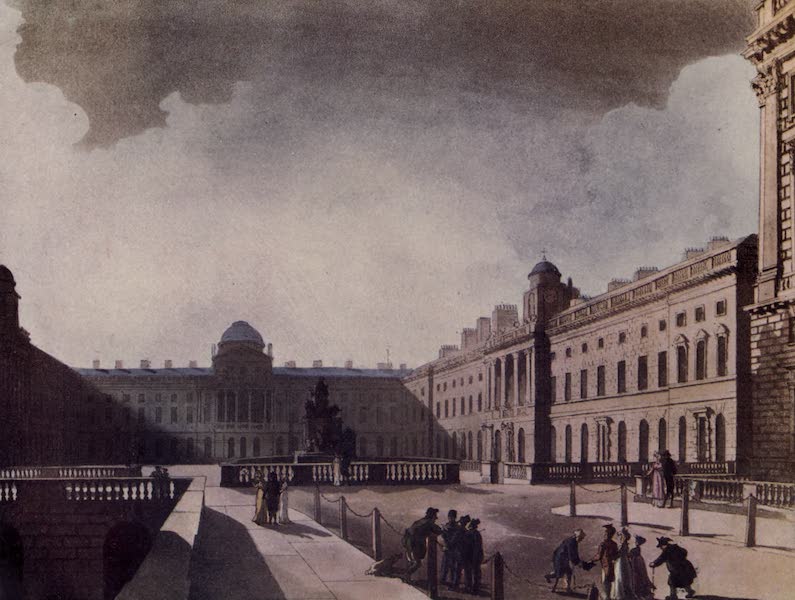 | 73. Somerset House, Strand.
|
 | 74) Sumatra
|
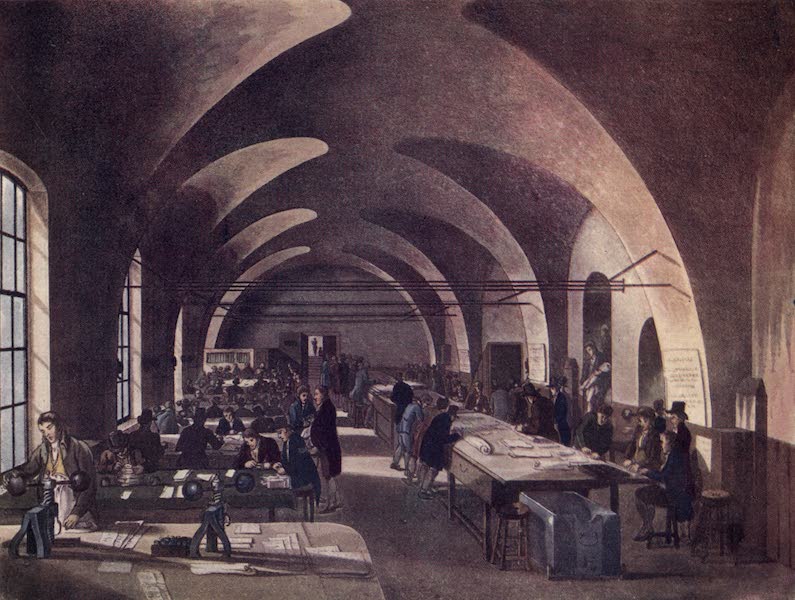 | 74. Stamp Office, Somerset House.
|
 | 75) Java, Sumatra
|
 | 75. New Stock Exchange.
|
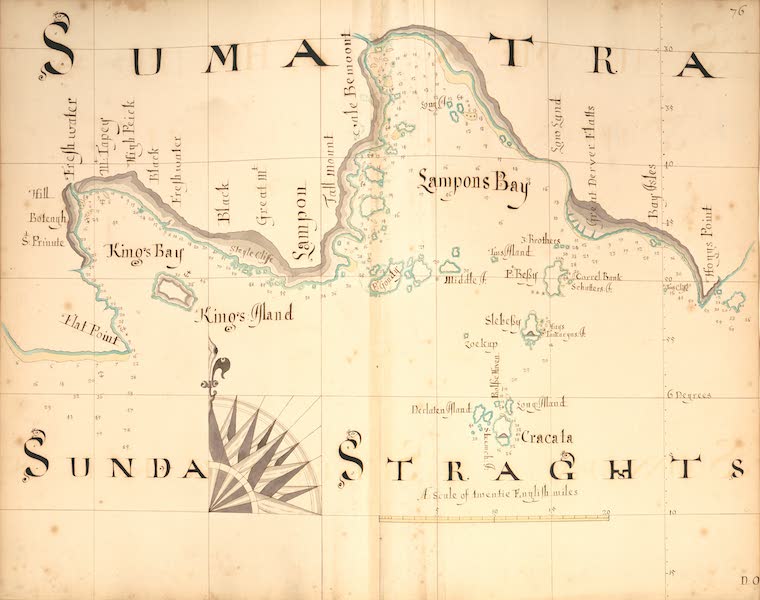 | 76) Sumatra, Sunda Straghts
|
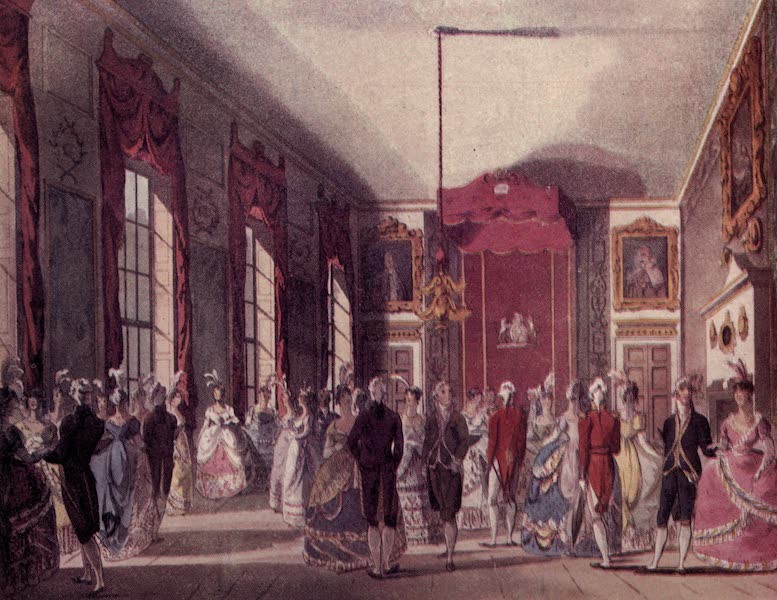 | 76. Drawing Room St. James's.
|
 | 77) Sunda Straghts, Java
|
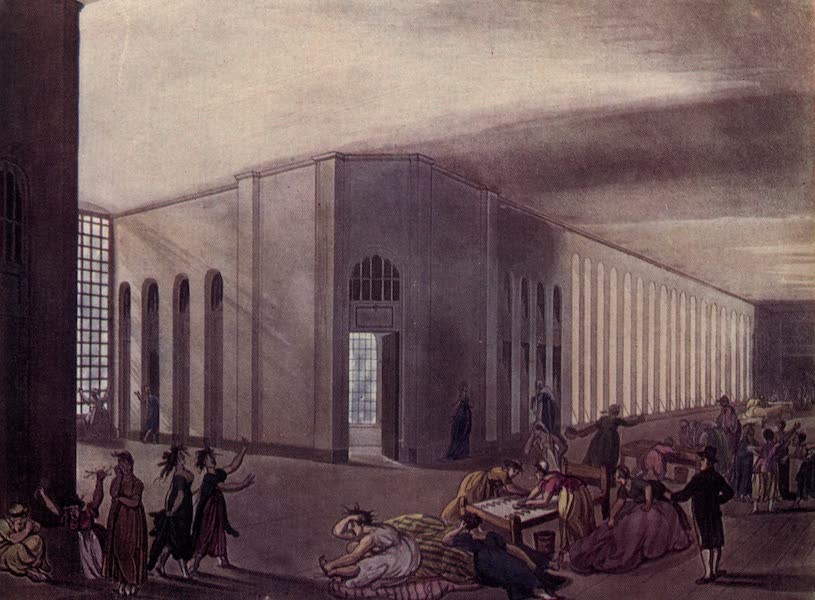 | 77. St. Luke's Hospital.
|
 | 78) Sumatra, Sunda Straghts, Java
|
 | 78. St. Margaret's Westminster.
|
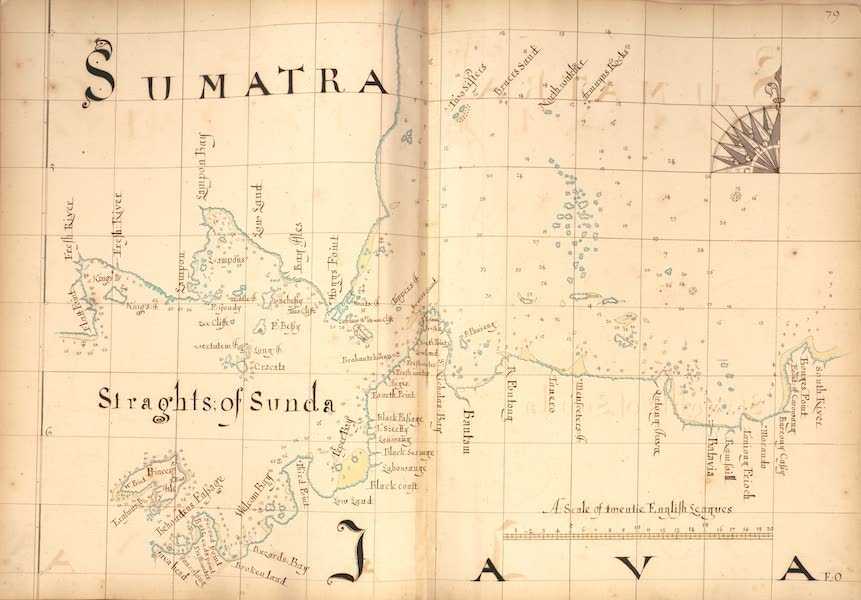 | 79) Sumatra, Straghts of Sunda, Java
|
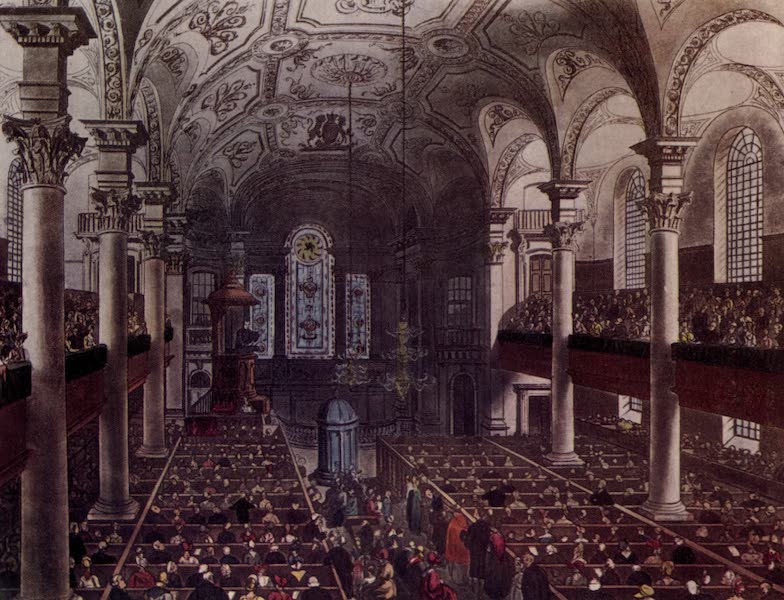 | 79. St. Martins, in the Fields.
|
 | 7th Army Corps (I)
|
 | 7th Army Corps (II)
|
![8) Mosambuique, S. Lorinso [II]](https://historyarchive.org/images/books/books-a/a-description-of-the-sea-coasts-in-the-east-indies-1690/plates/19-mosambuique-s-lorinso-II.jpg) | 8) Mosambuique, S. Lorinso [II]
|
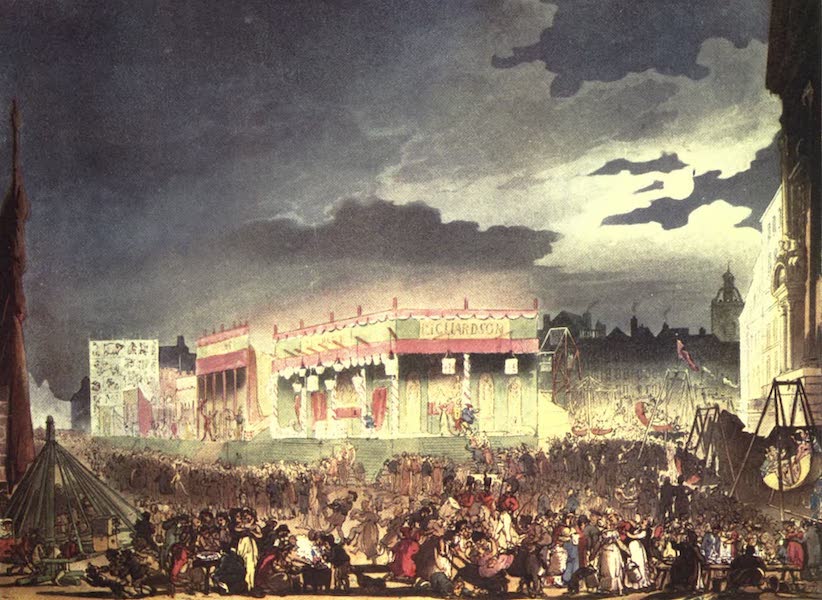 | 8. Bartholomew Fair.
|
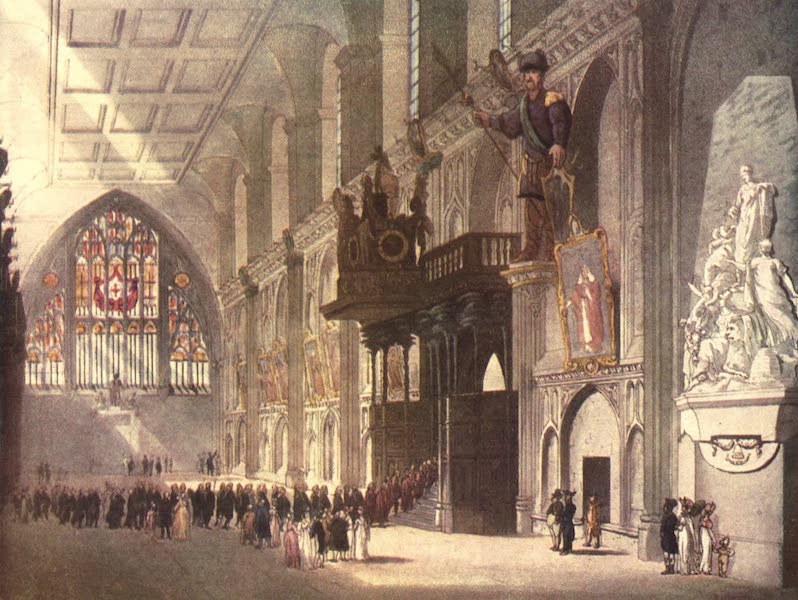 | 8. Bartholomew Fair.
|
![80) Sumatra, Banca [I]](https://historyarchive.org/images/books/books-a/a-description-of-the-sea-coasts-in-the-east-indies-1690/plates/91-sumatra-banca-I.jpg) | 80) Sumatra, Banca [I]
|
 | 80. St. Paul's Cathedral.
|
![81) Sumatra, Banca [II]](https://historyarchive.org/images/books/books-a/a-description-of-the-sea-coasts-in-the-east-indies-1690/plates/92-sumatra-banca-II.jpg) | 81) Sumatra, Banca [II]
|
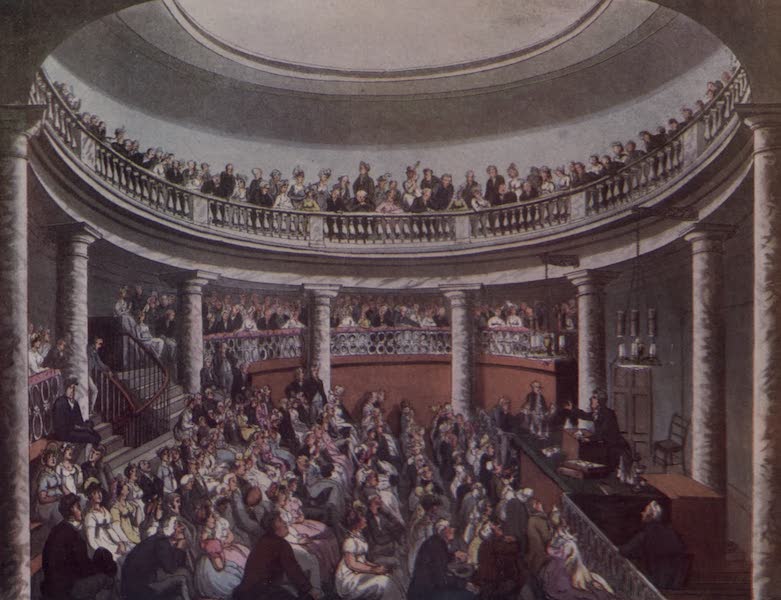 | 81. Surrey Institution.
|
![82) Java [I]](https://historyarchive.org/images/books/books-a/a-description-of-the-sea-coasts-in-the-east-indies-1690/plates/93-java-I.jpg) | 82) Java [I]
|
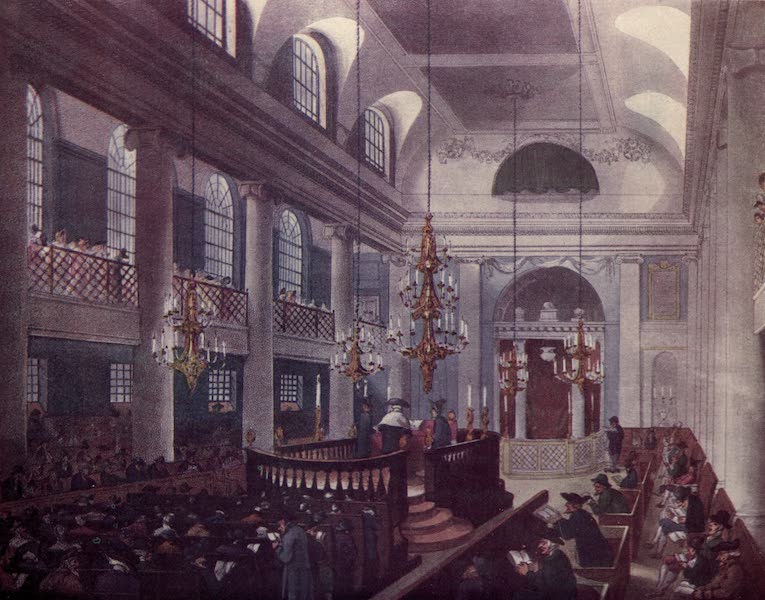 | 82. Synagogue, Dukes Place, Houndsditch.
|
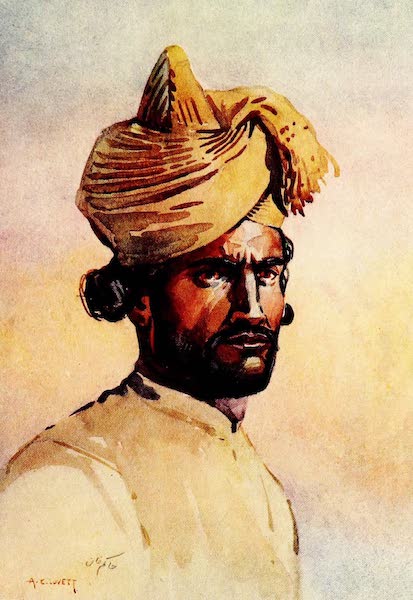 | 82nd Punjabis
|
![83) Java [II]](https://historyarchive.org/images/books/books-a/a-description-of-the-sea-coasts-in-the-east-indies-1690/plates/94-java-II.jpg) | 83) Java [II]
|
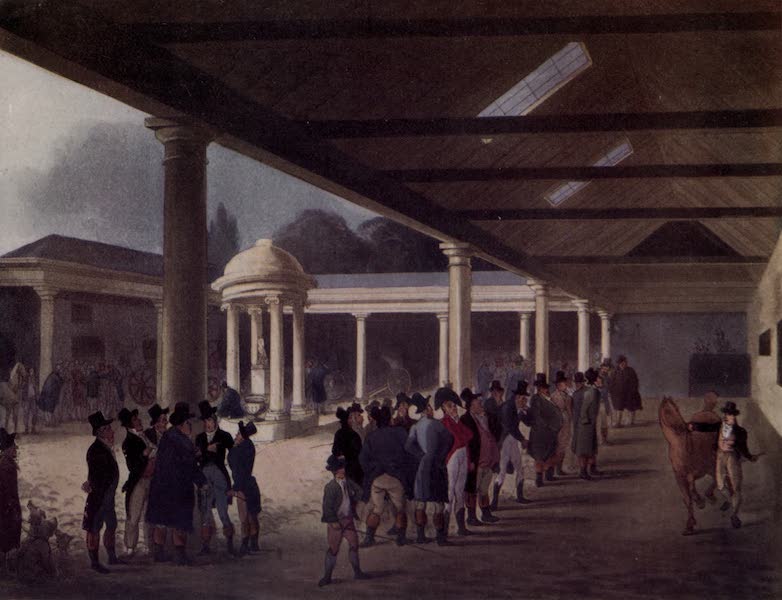 | 83. Tattersall's Horse Repository.
|
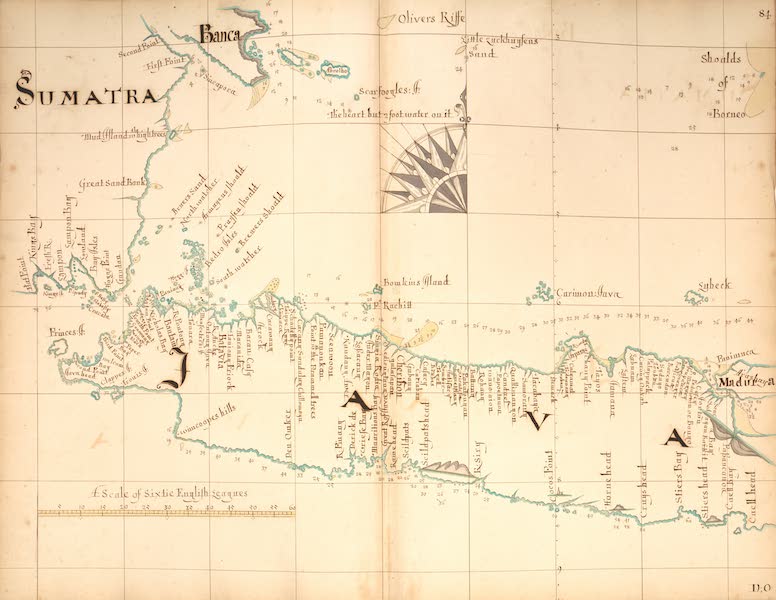 | 84) Sumatra, Java
|
 | 84. Temple Church.
|
 | 85) Sumatra, Banca, Borneo, Succadana
|
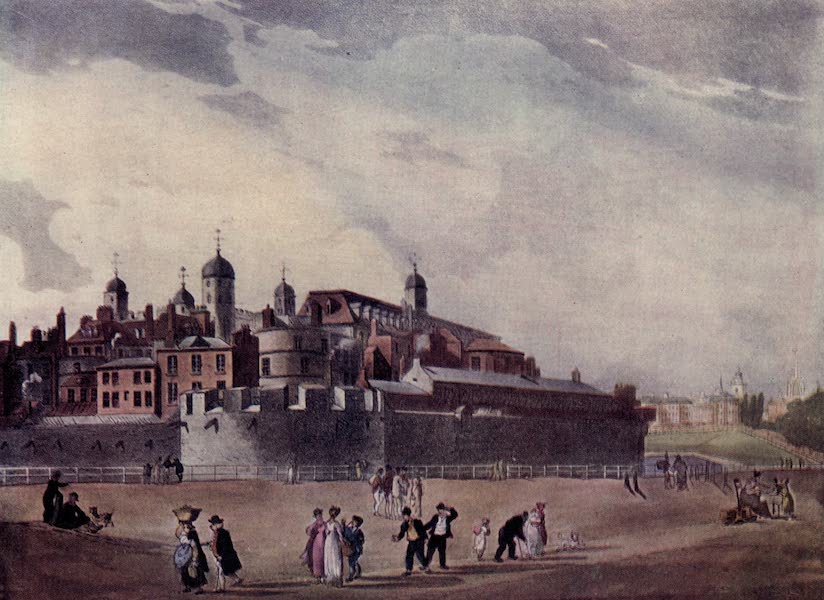 | 85. View of The Tower.
|
 | 86) Borneo, Celebes
|
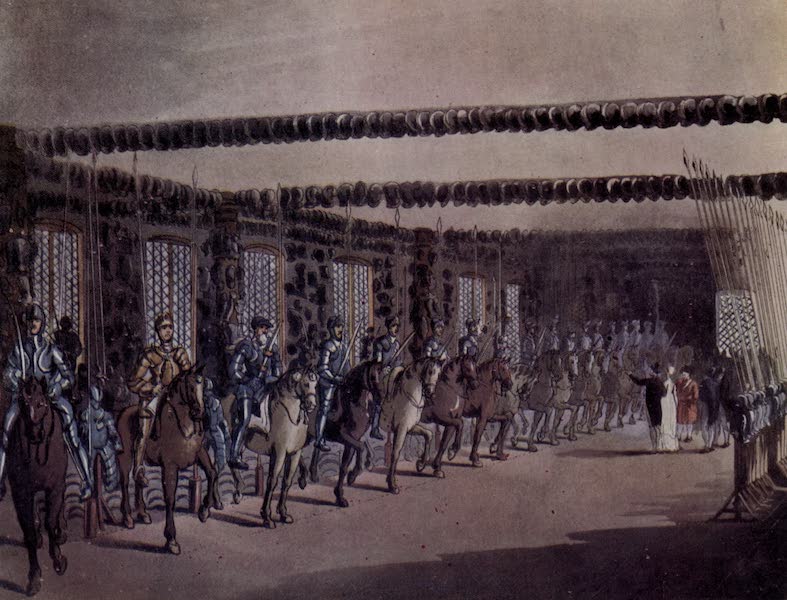 | 86. Horse Armoury, Tower.
|
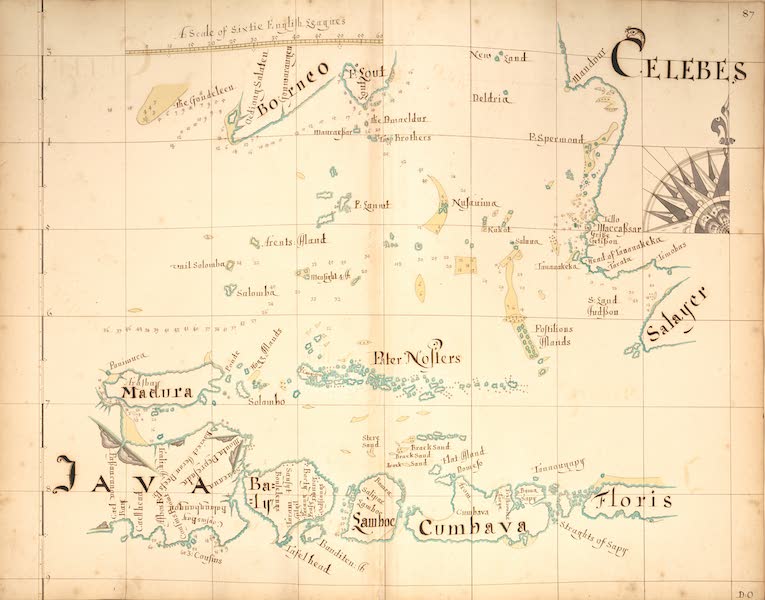 | 87) Celebes, Java
|
 | 87. Board of Trade.
|
 | 88) Celebes, Ende, Tiimor
|
 | 88. Trinity House.
|
 | 89) Celebes Island
|
![89. Vauxhall Garden [caption almost erased].](https://historyarchive.org/images/books/books-t/the-microcosm-of-london-v03-1904/plates/28-vauxhall-garden.jpg) | 89. Vauxhall Garden [caption almost erased].
|
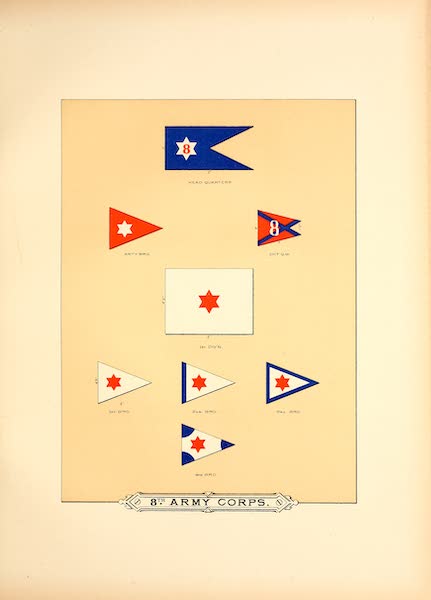 | 8th Army Corps (I)
|
 | 8th Army Corps (II)
|
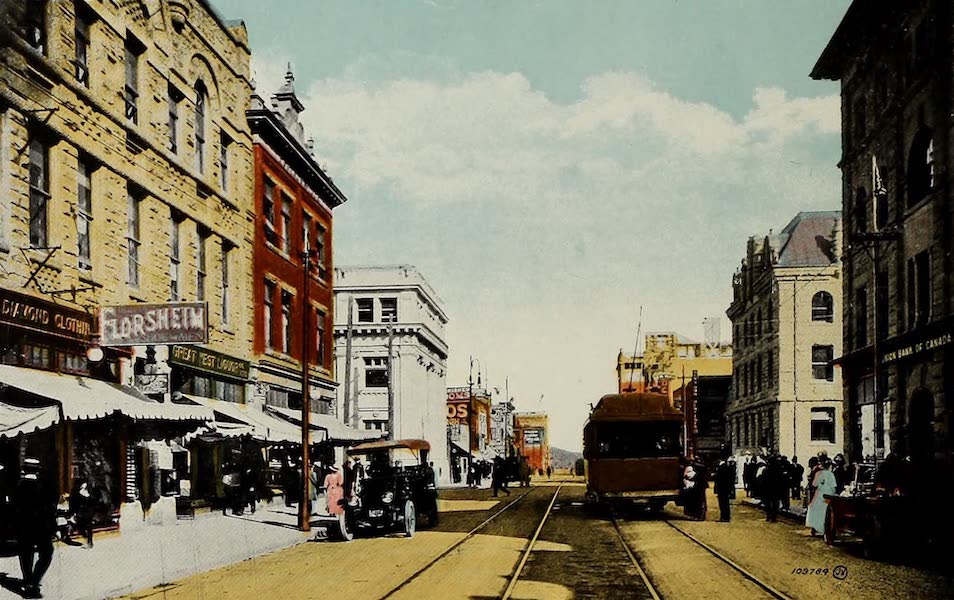 | 8th Avenue East
|
 | 8th Avenue East, looking West
|
![9) S. Lorinso [II]](https://historyarchive.org/images/books/books-a/a-description-of-the-sea-coasts-in-the-east-indies-1690/plates/20-s-lorinso-II.jpg) | 9) S. Lorinso [II]
|
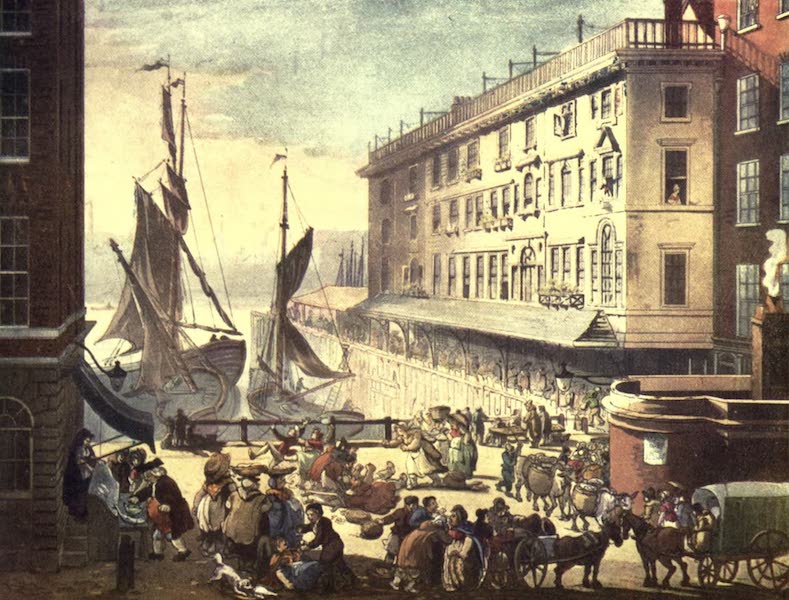 | 9. Billingsgate Market.
|
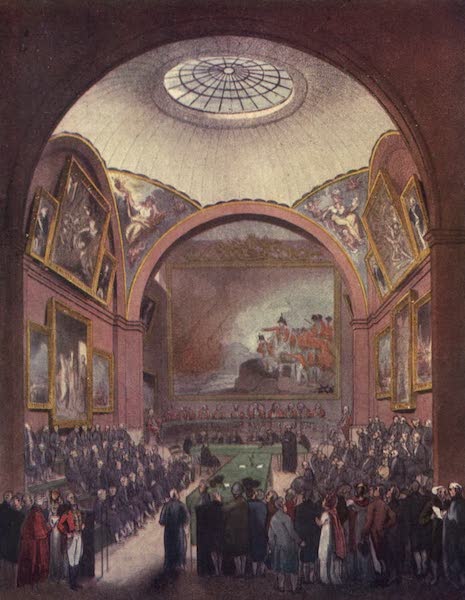 | 9. Billingsgate Market.
|
![90) Islands [II]](https://historyarchive.org/images/books/books-a/a-description-of-the-sea-coasts-in-the-east-indies-1690/plates/101-islands.jpg) | 90) Islands [II]
|
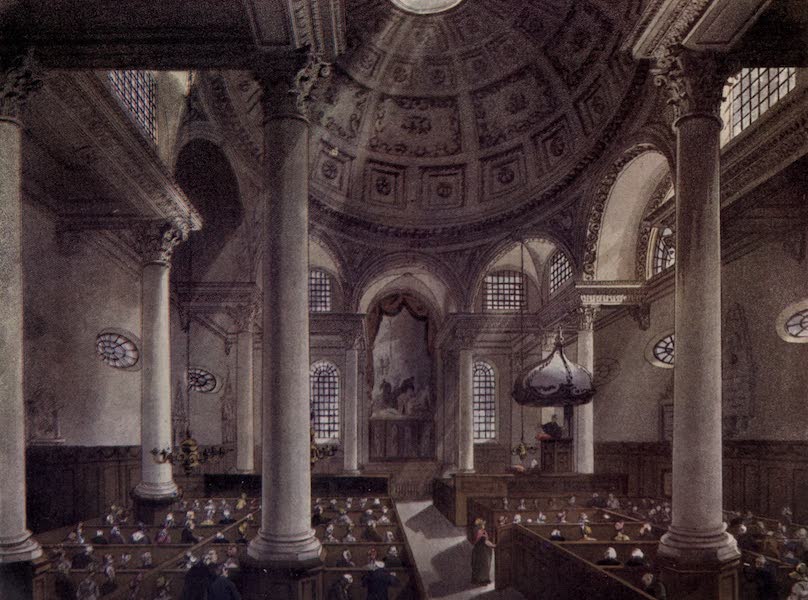 | 90. St. Stephen's Walbrook.
|
 | 91) Paragoa, Mindoro Island, Luconia
|
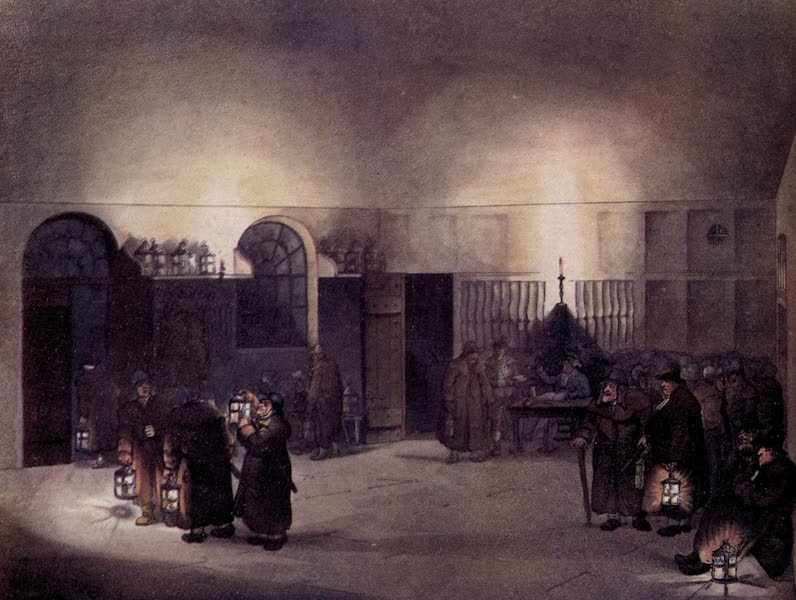 | 91. Watch House, St. Mary Le Bone.
|
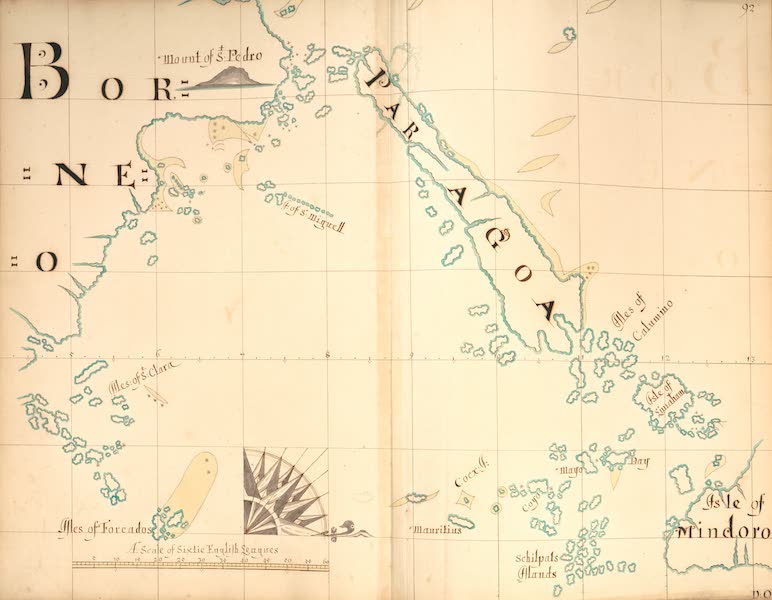 | 92) Borneo, Paragoa, Isle of Mindoro
|
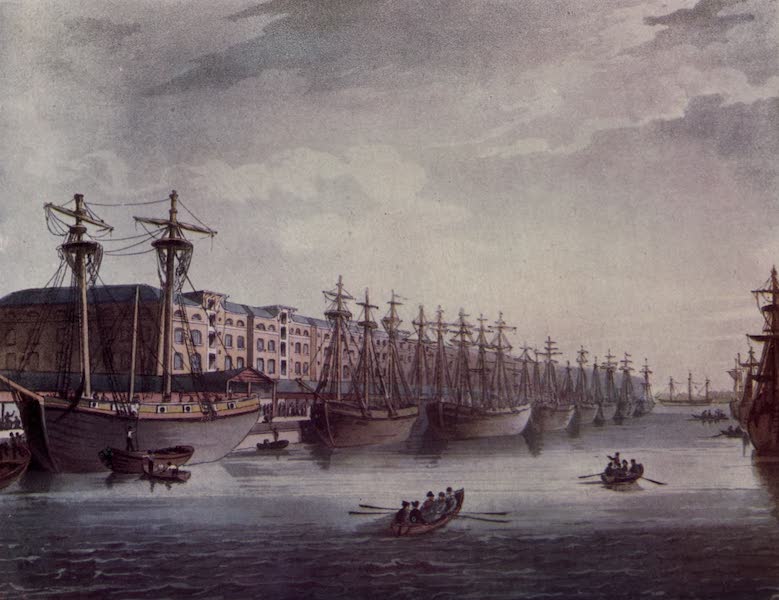 | 92. West India Docks.
|
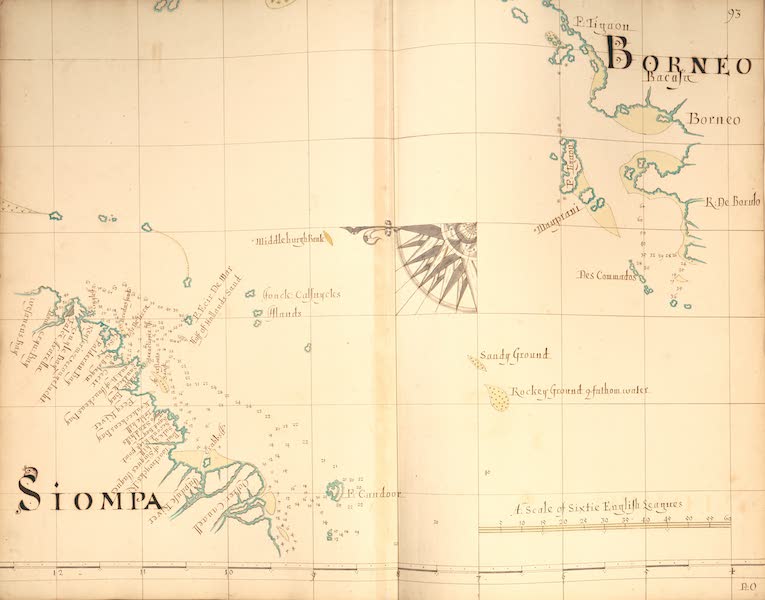 | 93) Siompa, Borneo
|
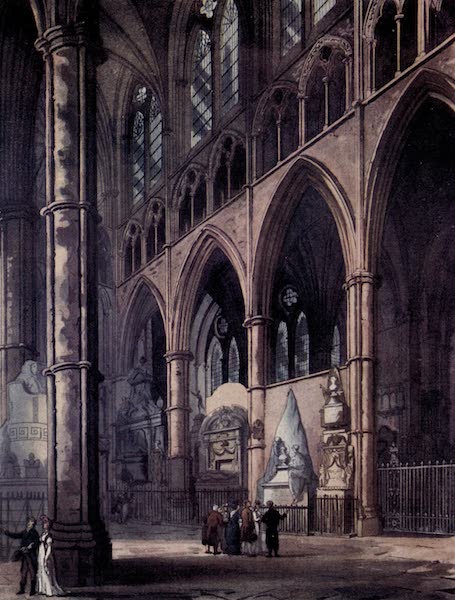 | 93. Westminster Abbey.
|
 | 94) China, Siompa
|
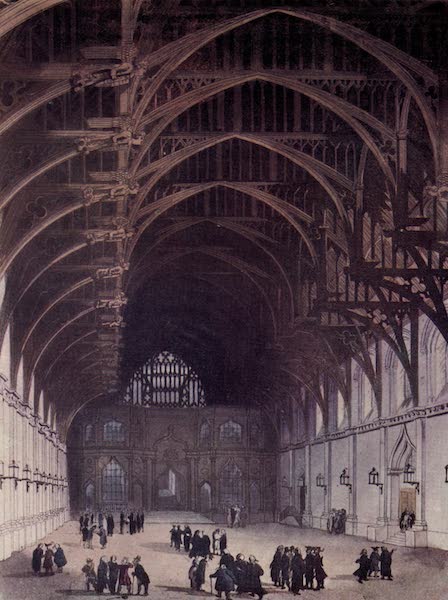 | 94. Westminster Hall.
|
 | 95. Whitehall.
|
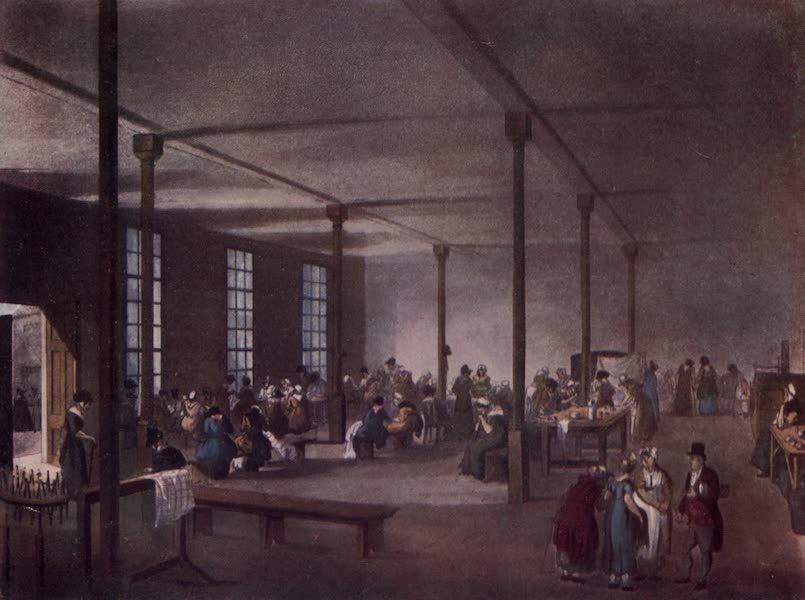 | 96. Workhouse, St. James's Parish.
|
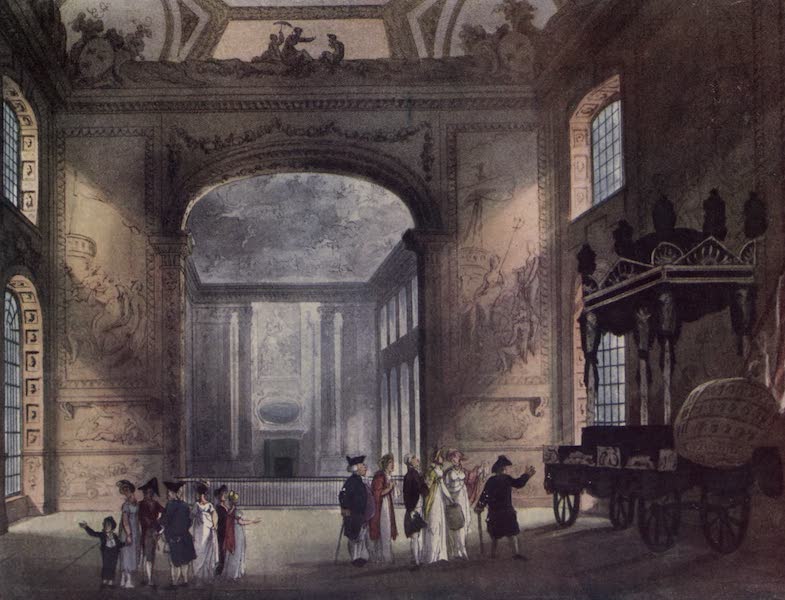 | 97. Greenwich Hospital.
|
 | 98. Chelsea Hospital.
|
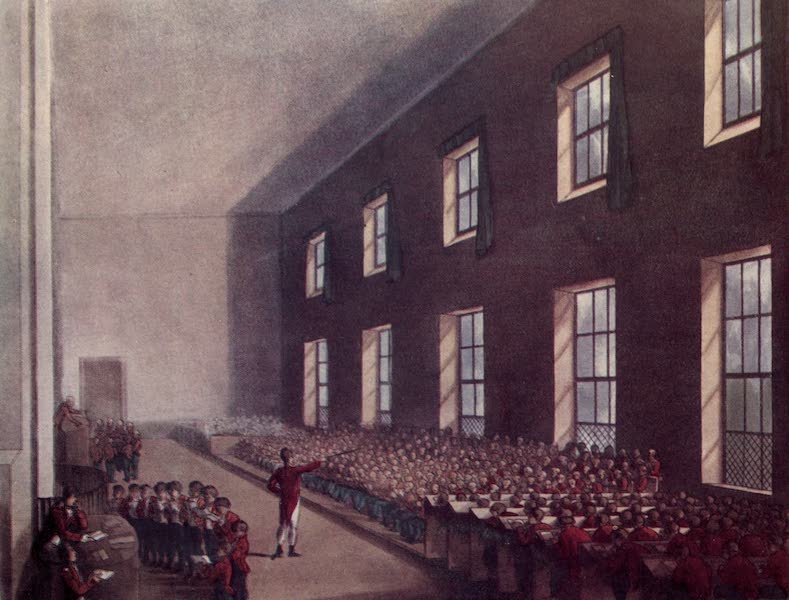 | 99. Military College, Chelsea.
|
 | 9th Army Corps (I)
|
 | 9th Army Corps (II)
|
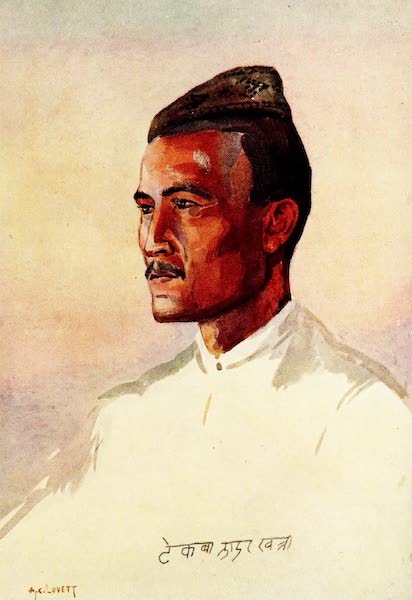 | 9th Gurkha Rifles
|
 | 9th, 10th, 11th Windows, North Aisle
Ninth, Tenth & Eleventh Windows, North Aisle. [9 monuments] William Horneck Wsq / Jas. Egerton / Fred Lake / Capt's. Hervey & Hutt / Sir Godfrey Kneller / Penelope Egerton / Gen. Lawrence / Anne Countess of Clanrickard / Martha Price / J. Woodward. |
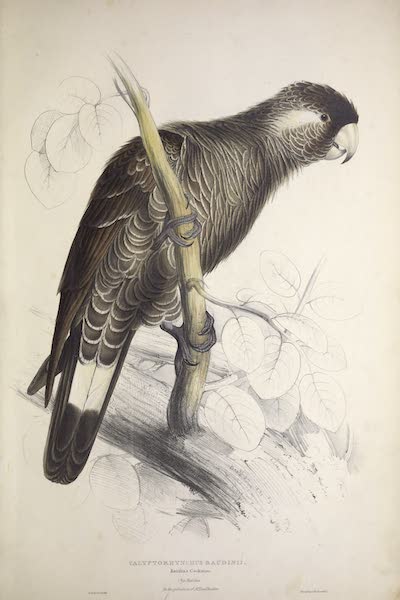 | Calyptorhynchus baudinii - Baudin's Cockatoo
|
 | Cereus giganteus
|
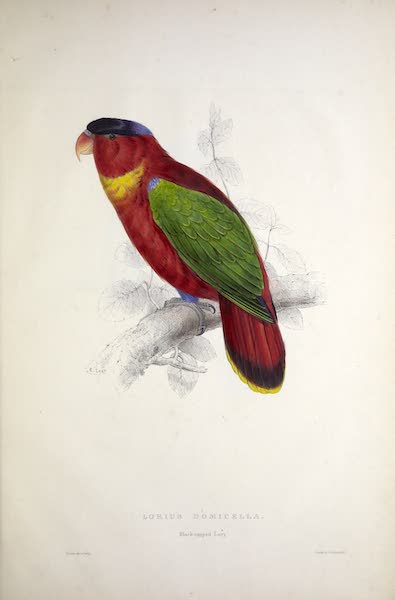 | Lorius domicella - Black-capped Lory
|
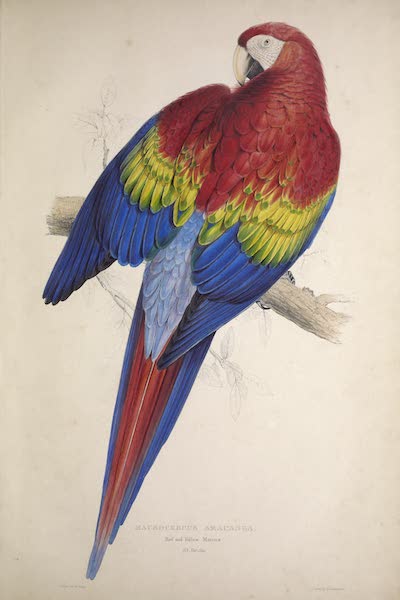 | Macrocercus aracanga - Red and Yellow Maccaw
|
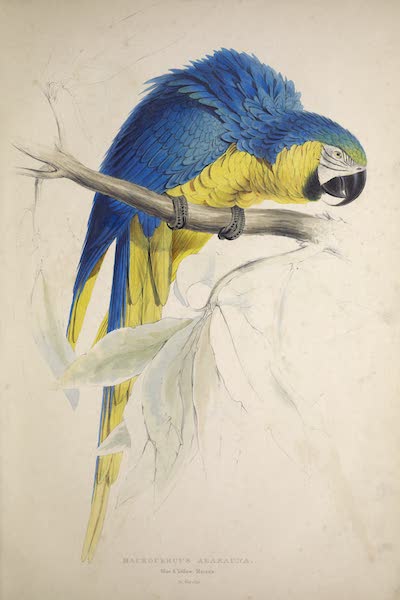 | Macrocercus ararauna - Blue and Yellow Maccaw
|
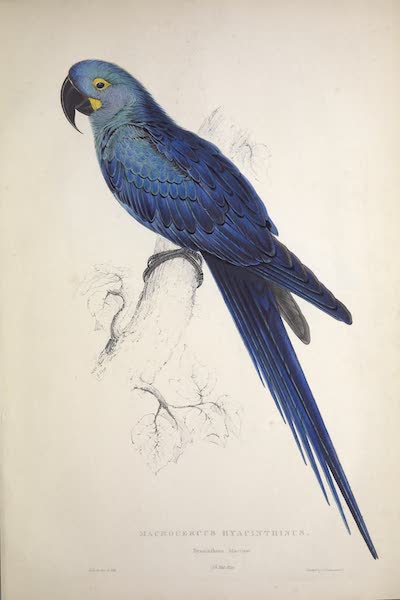 | Macrocercus hyacinthinus - Hyacinthine Maccaw
|
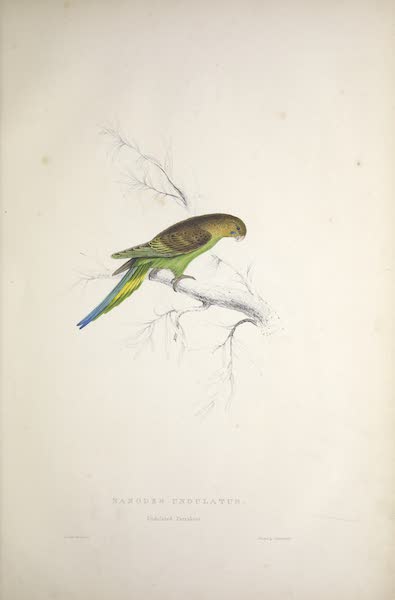 | Nanodes undulatus - Undulated Parrakeet
|
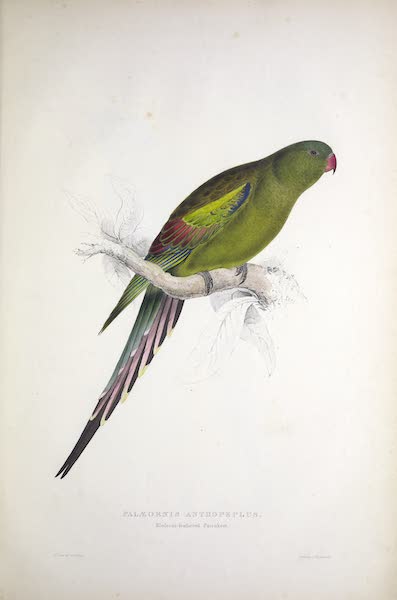 | Palaeornis anthopeplus - Blossom-feathered Parrakeet
|
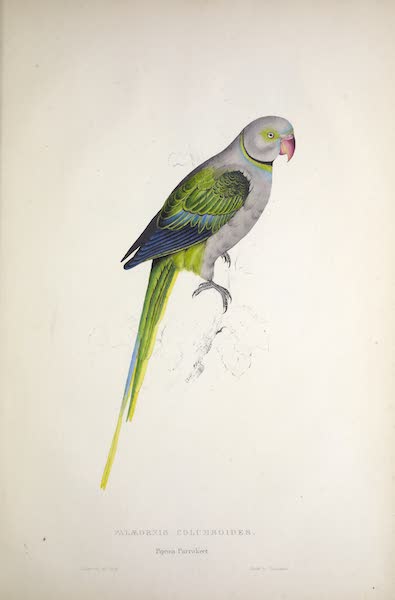 | Palaeornis columboides - Pigeon Parrakeet
|
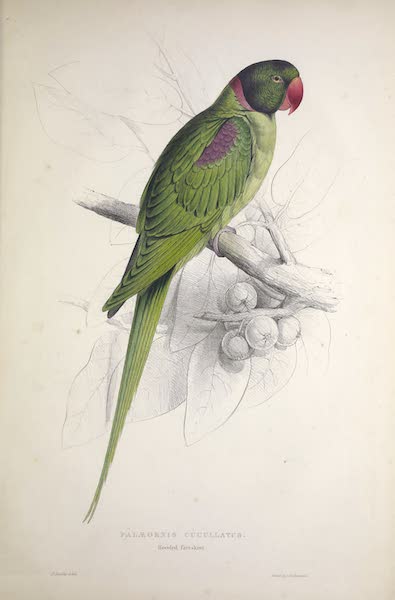 | Palaeornis cucullatus - Hooded Parrakeet
|
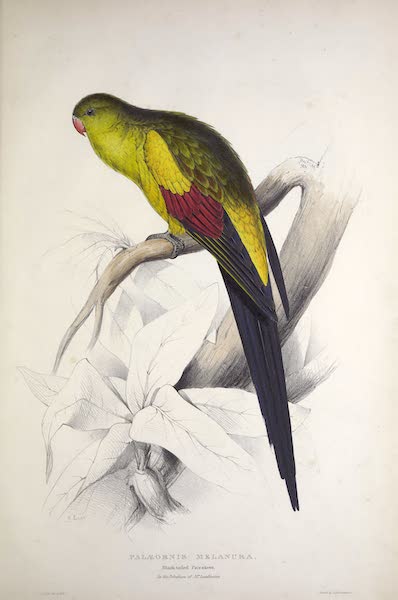 | Palaeornis melanura - Black-tailed Parrakeet
|
![<i>Palaeornis novae-hollandiae</i> - New Holland Parrakeet [1. Male, 2. Female]](https://historyarchive.org/images/books/books-i/illustrations-of-the-family-of-psittacidae-or-parrots-1832/plates/29-palaeornis-novae-hollandiae-new-holland-parrakeet-1-male-2-female.jpg) | Palaeornis novae-hollandiae - New Holland Parrakeet [1. Male, 2. Female]
|
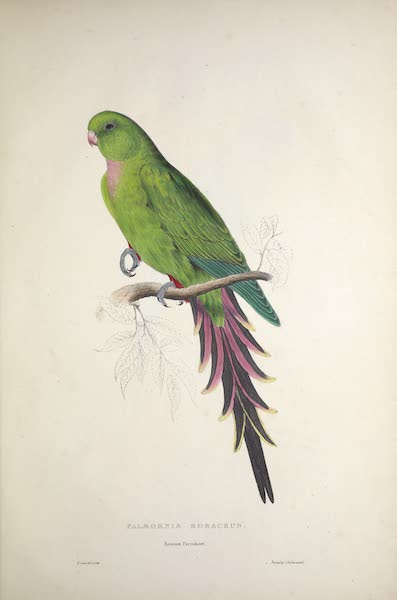 | Palaeornis rosaceus - Roseate Parrakeet
|
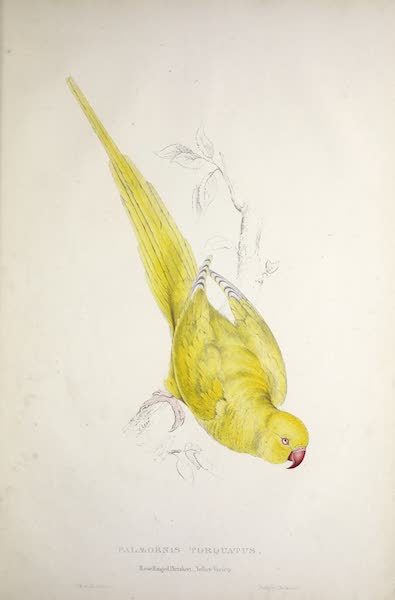 | Palaeornis torquatus - Rose-Ringed Parrakeet, Yellow Variety
|
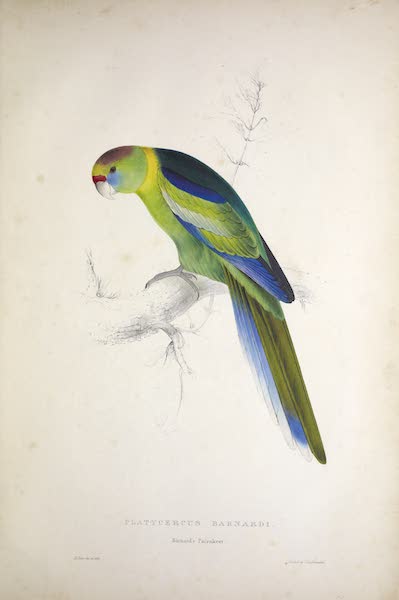 | Platycercus barnardi - Barnard's Parrakeet
|
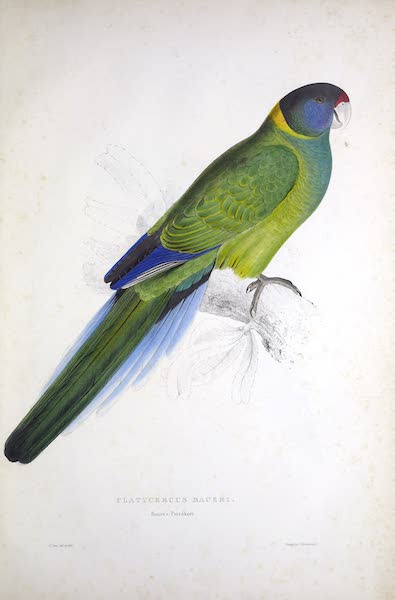 | Platycercus baueri - Bauer's Parrakeet
|
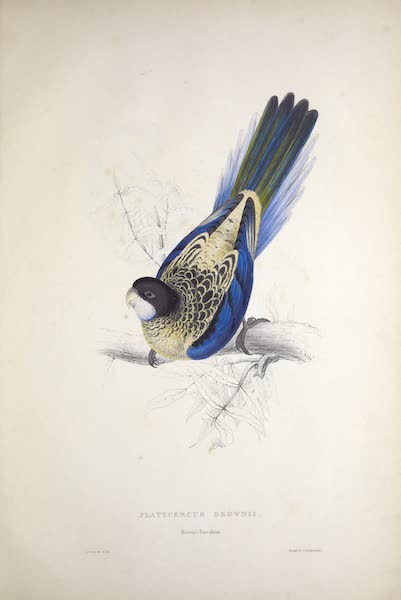 | Platycercus brownii - Brown's Parrakeet
|
![<i>Platycercus erythropterus</i> - Crimson-winged Parrakeet [1. Female, 2. Young Male]](https://historyarchive.org/images/books/books-i/illustrations-of-the-family-of-psittacidae-or-parrots-1832/plates/17-platycercus-erythropterus-crimson-winged-parrakeet-1-female-2-young-male.jpg) | Platycercus erythropterus - Crimson-winged Parrakeet [1. Female, 2. Young Male]
|
![<i>Platycercus erythropterus</i> - Crimson-winged Parrakeet [Male, Adult]](https://historyarchive.org/images/books/books-i/illustrations-of-the-family-of-psittacidae-or-parrots-1832/plates/16-platycercus-erythropterus-crimson-winged-parrakeet-male-adult.jpg) | Platycercus erythropterus - Crimson-winged Parrakeet [Male, Adult]
|
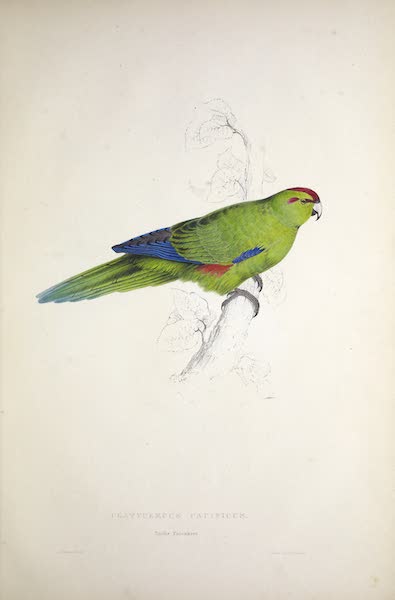 | Platycercus pacifcus - Pacific Parrakeet
|
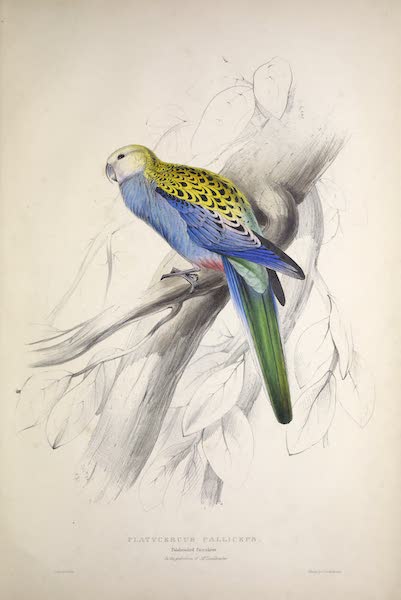 | Platycercus palliceps - Paleheaded Parrakeet
|
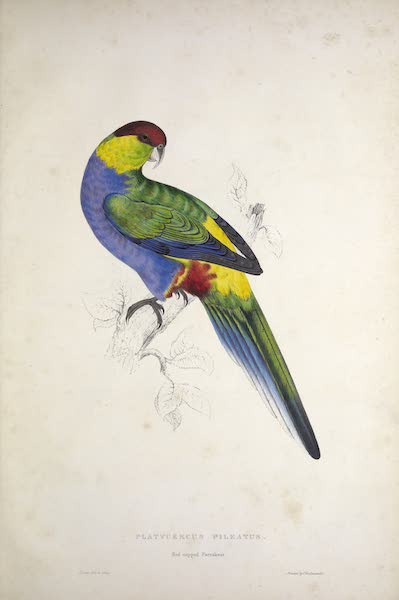 | Platycercus pileatus - Red-capped Parrakeet
|
![<i>Platycercus pileatus</i> - Red-capped Parrakeet [Female]](https://historyarchive.org/images/books/books-i/illustrations-of-the-family-of-psittacidae-or-parrots-1832/plates/24-platycercus-pileatus-red-capped-parrakeet-female.jpg) | Platycercus pileatus - Red-capped Parrakeet [Female]
|
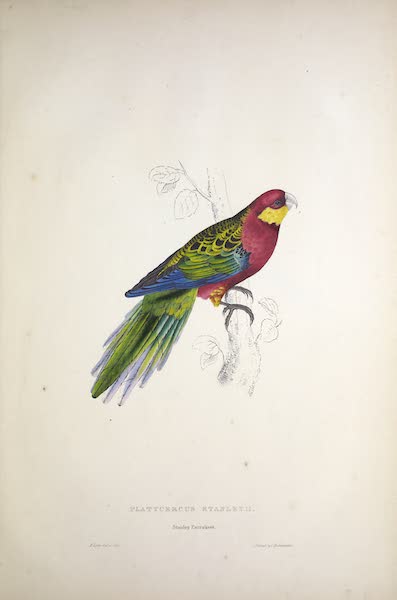 | Platycercus stanleyii - Stanley Parrakeet
|
![<i>Platycercus stanleyii</i> - Stanley Parrakeet [Young Male]](https://historyarchive.org/images/books/books-i/illustrations-of-the-family-of-psittacidae-or-parrots-1832/plates/26-platycercus-stanleyii-stanley-parrakeet-young-male.jpg) | Platycercus stanleyii - Stanley Parrakeet [Young Male]
|
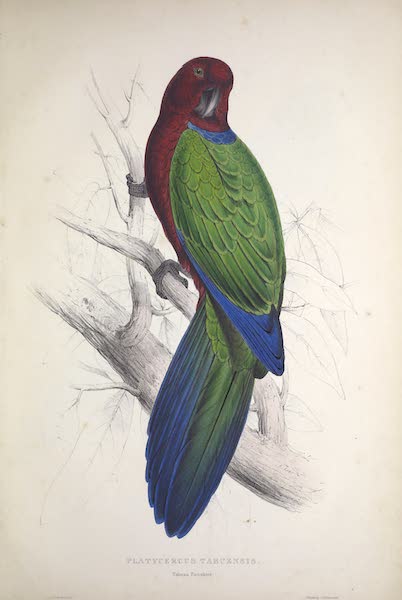 | Platycercus tabuensis - Tabuan Parrakeet
|
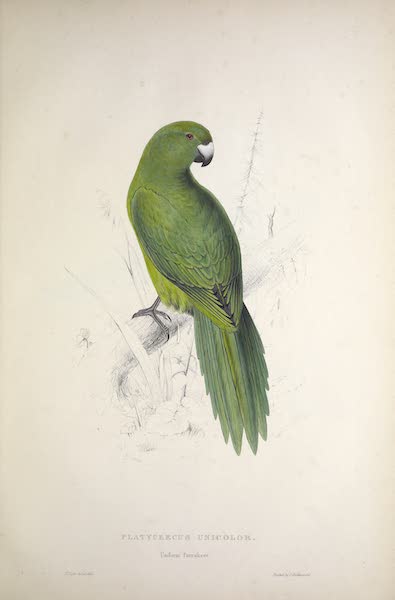 | Platycercus unicolor - Uniform Parrakeet
|
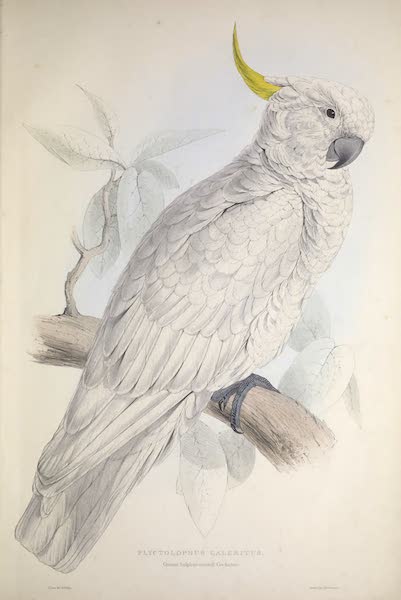 | Plyctolophus galeritus - Greater Sulphur-crested Cockatoo
|
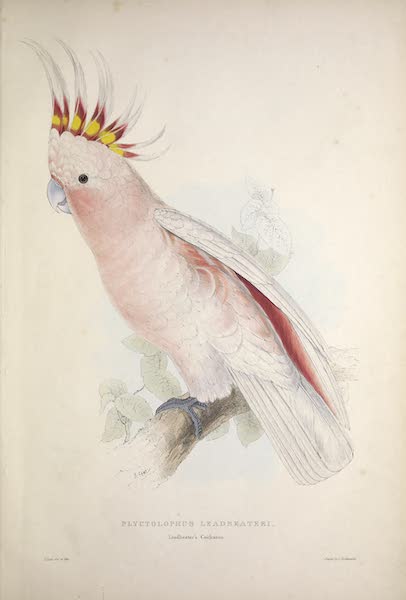 | Plyctolophus leadbeateri - Leadbeater's Cockatoo
|
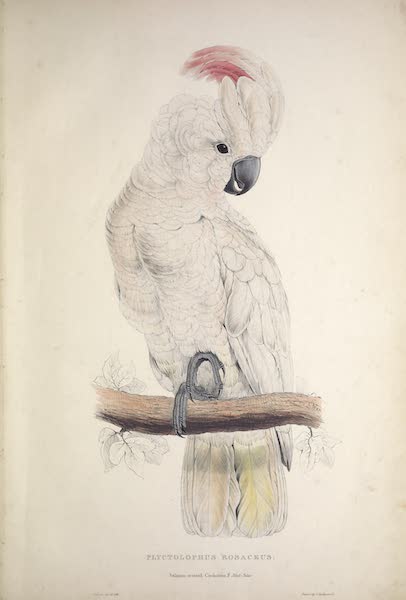 | Plyctolophus rosaceus - Salmon-crested Cockatoo
|
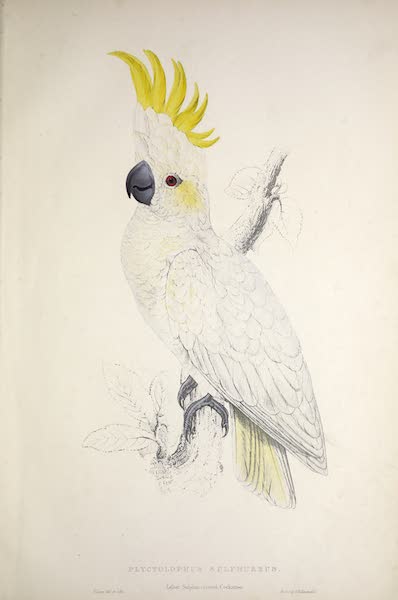 | Plyctolophus sulphureus - Lesser Sulphur-crested Cockatoo
|
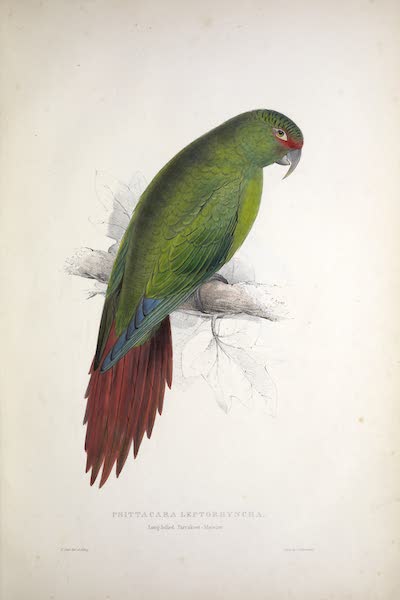 | Psittacara leptorhyncha - Long-billed Parrakeet-Maccaw
|
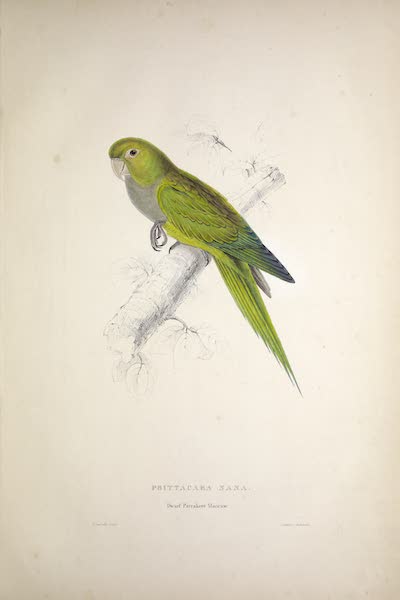 | Psittacara nana - Dwarf Parrakeet-Maccaw
|
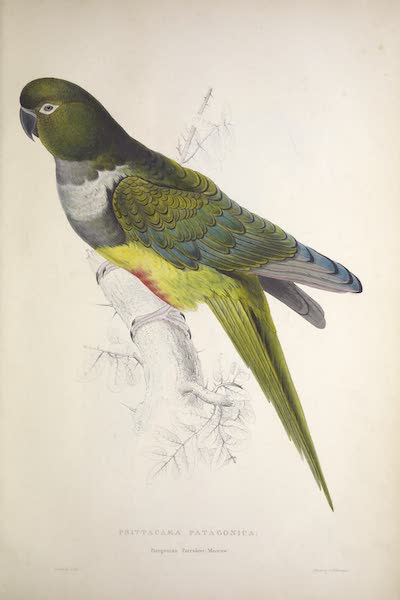 | Psittacara patagonica - Patagonian Parrakeet-Maccaw
|
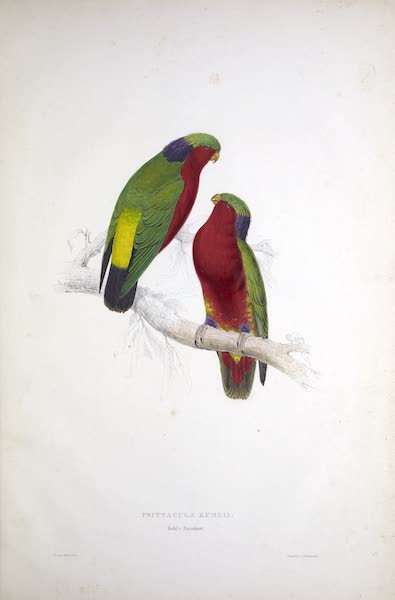 | Psittacula kuhlii - Kuhl's Parrakeet
|
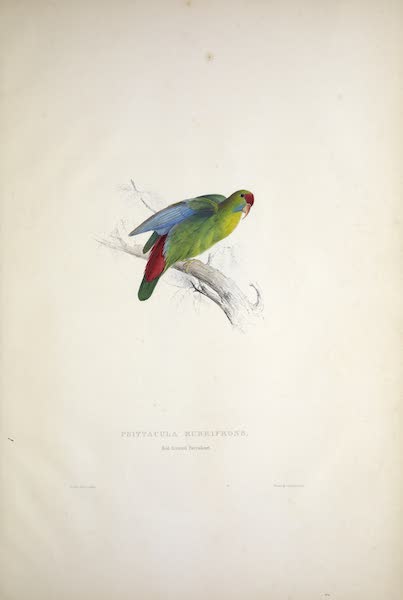 | Psittacula rubrifrons - Red-fronted Parrakeet
|
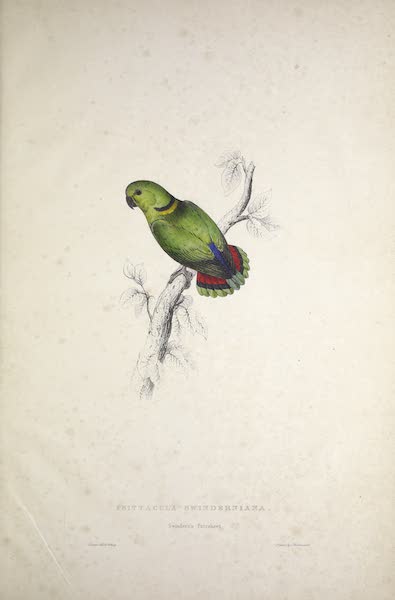 | Psittacula swinderniana - Swindern's Parrakeet
|
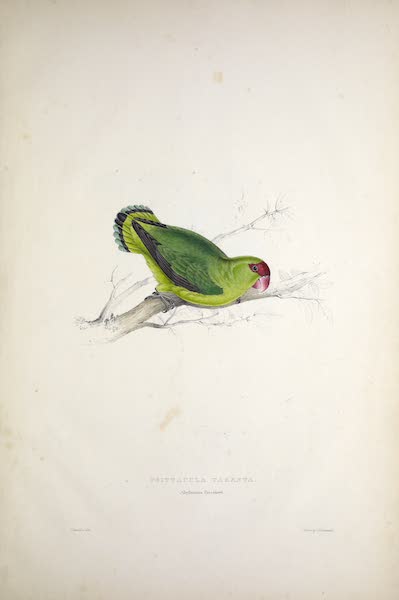 | Psittacula taranta - Abyssinian Parrakeet
|
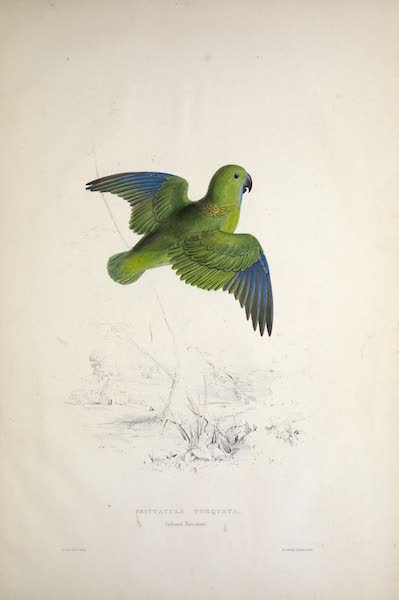 | Psittacula torquata - Collared Parrakeet
|
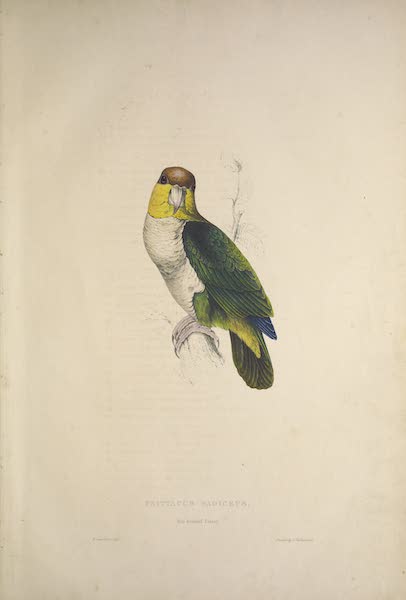 | Psittacus badiceps - Bay-Headed Parrot
|
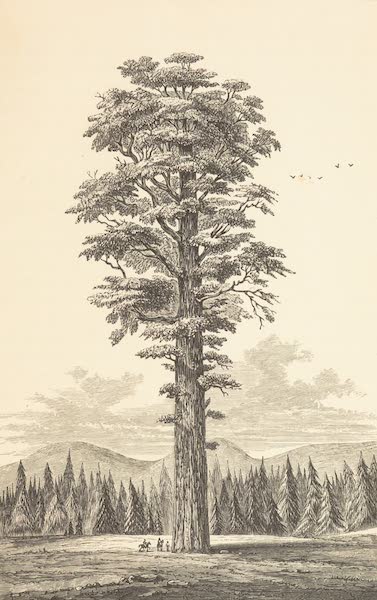 | Sequoia gigantea (Wellingtonia gigantea)
|
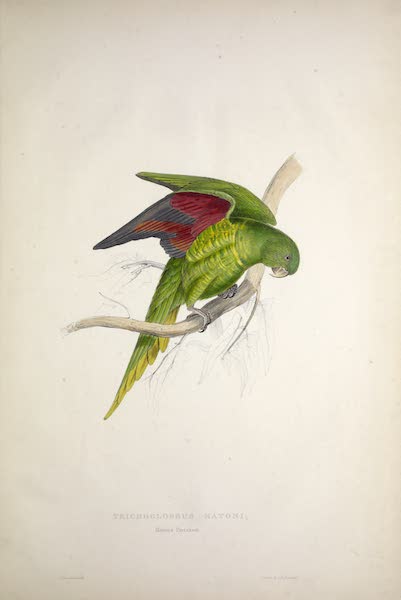 | Trichoglossus matoni - Maton's Parrakeet
|
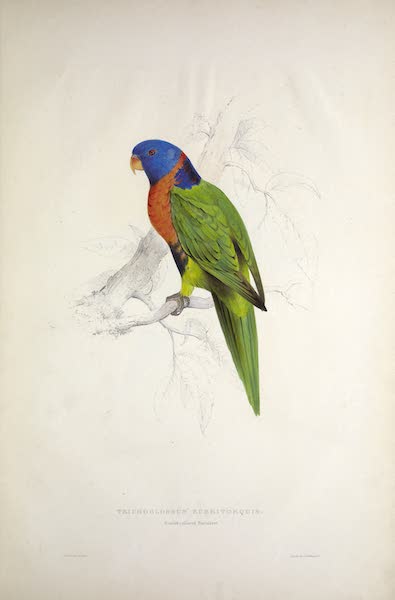 | Trichoglossus rubritorquis - Scarlet-collared Parrakeet
|
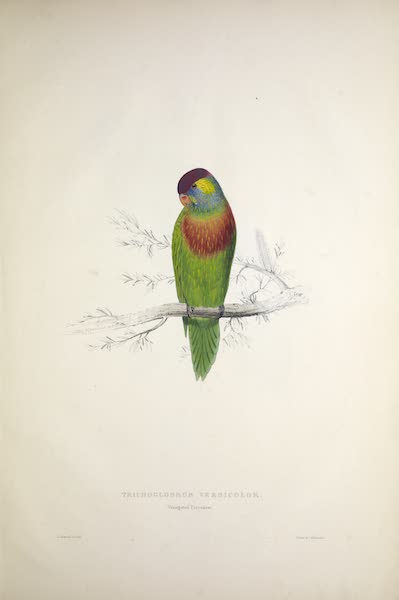 | Trichoglossus versicolor - Variegated Parrakeet
|
 | Vers Marins (Jellyfish)
|
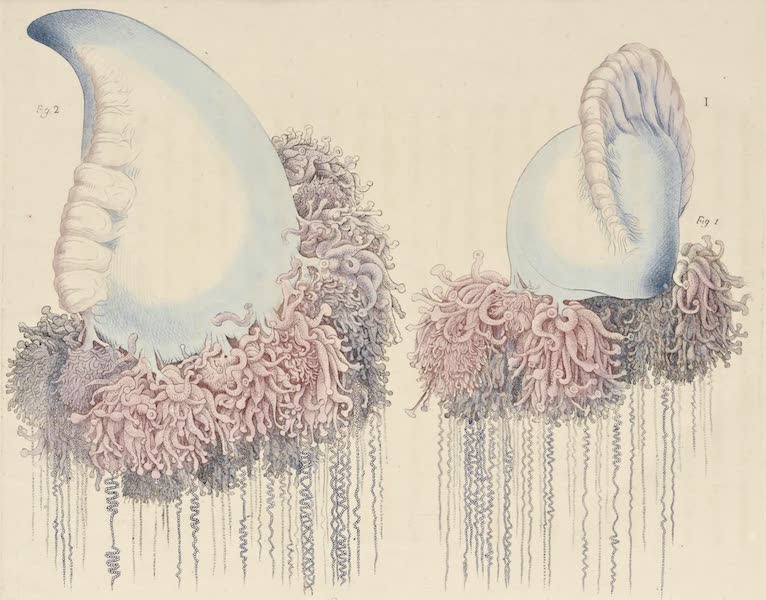 | Vers Marins (Jellyfish)
|
 | Victory
|
 | A "Bazoo Band"
|
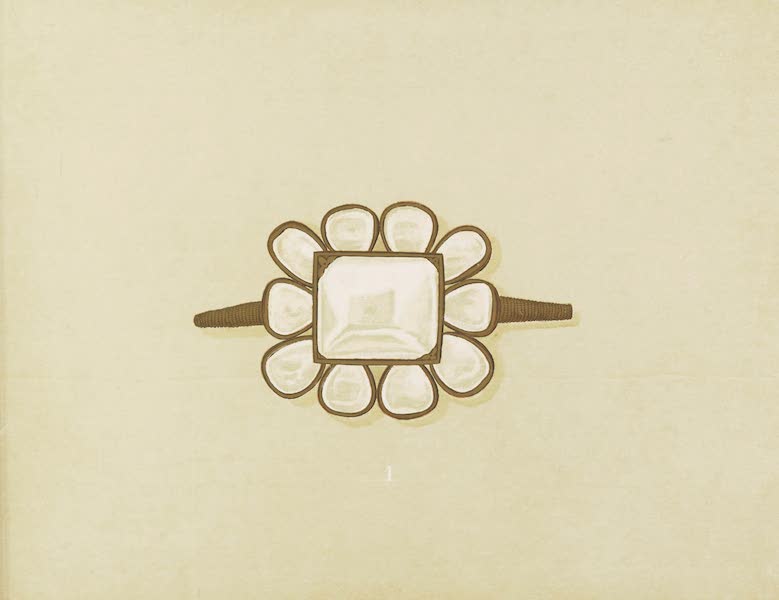 | A "Dust-Band" or Armlet
|
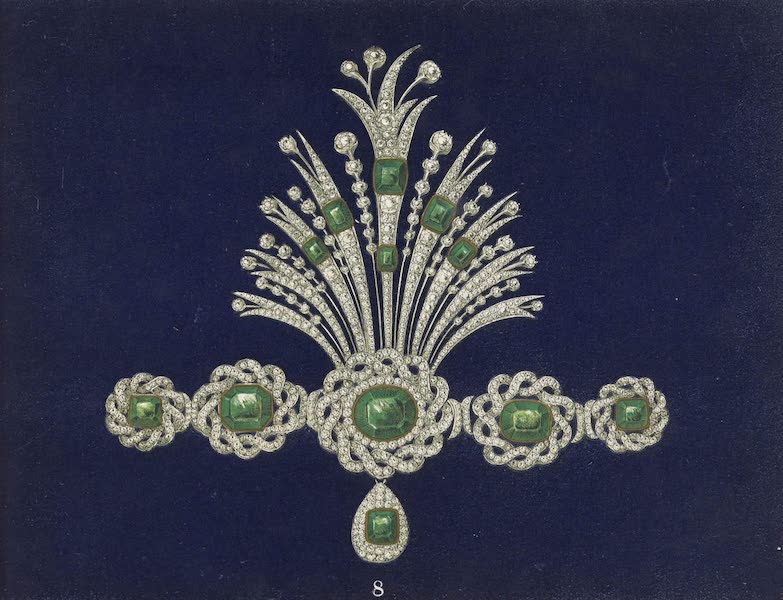 | A "Serpaitch"
|
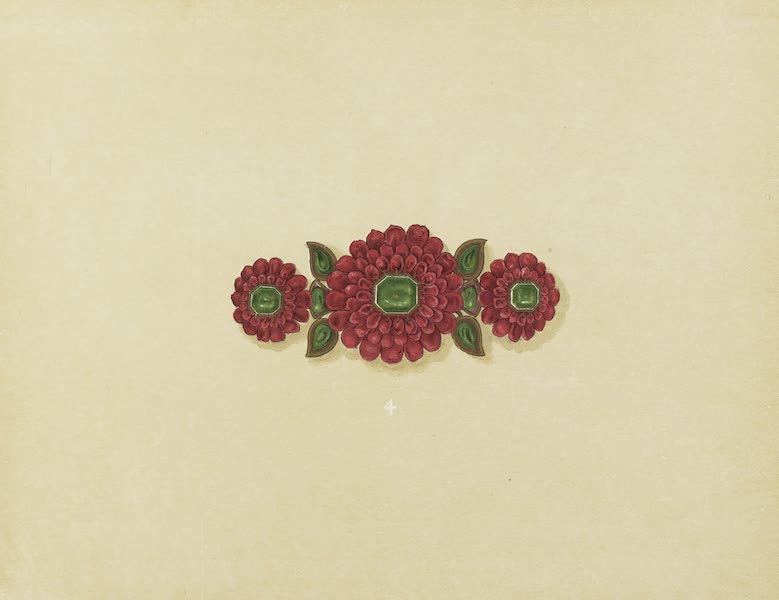 | A "Serpaitch" or Head Ornament
|
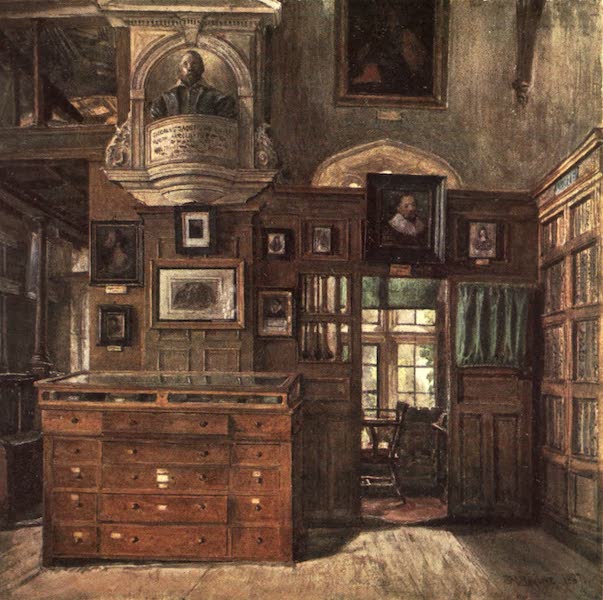 | A "Study" in the Bodleian Library - Mr. John Fulleylove, R.I
|
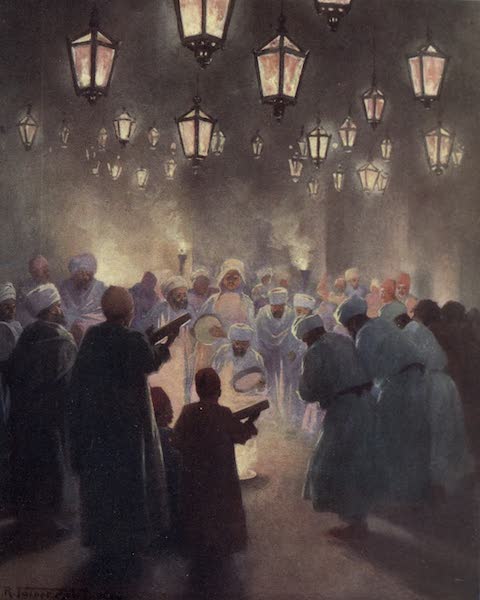 | A "Zikr"
|
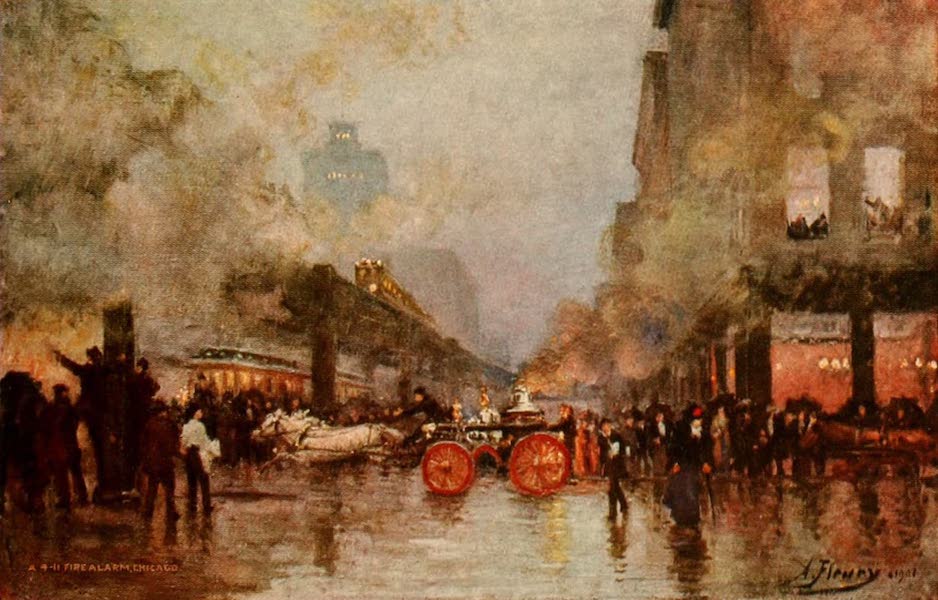 | A 4-11 Fire Alarm
|
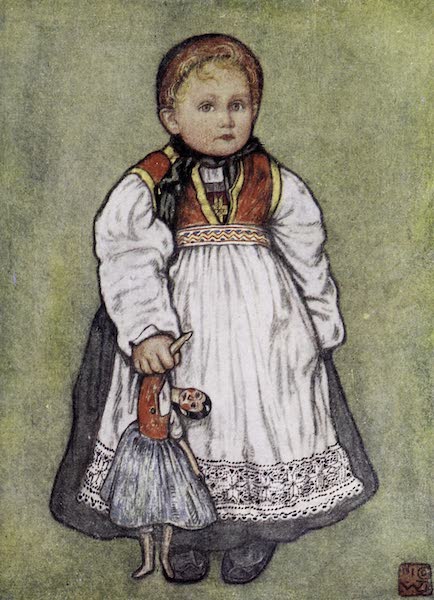 | A Baby of Telemarken
|
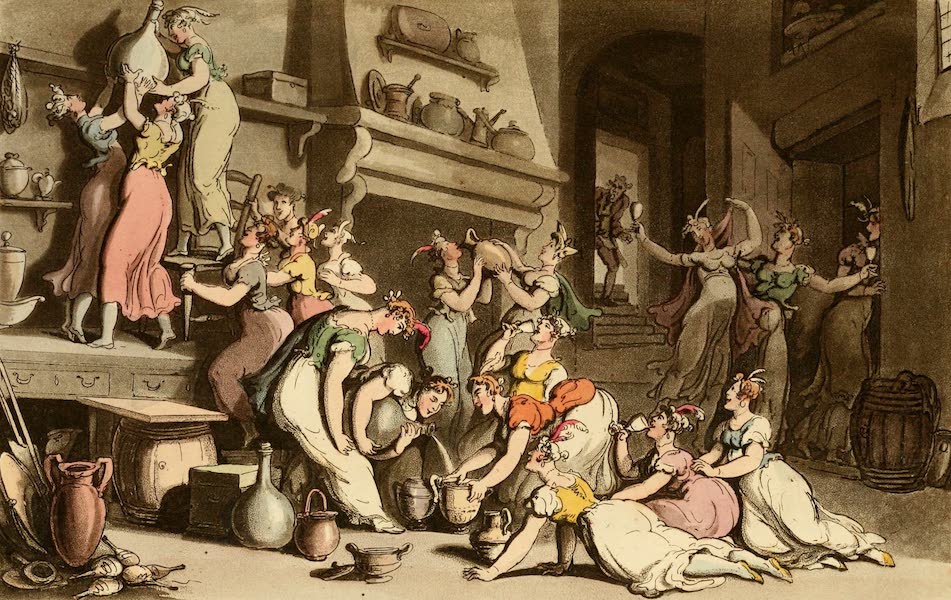 | A Bacchanalian Scene at Don Luigi's Ball
|
 | A Back Canal, Osaka
|
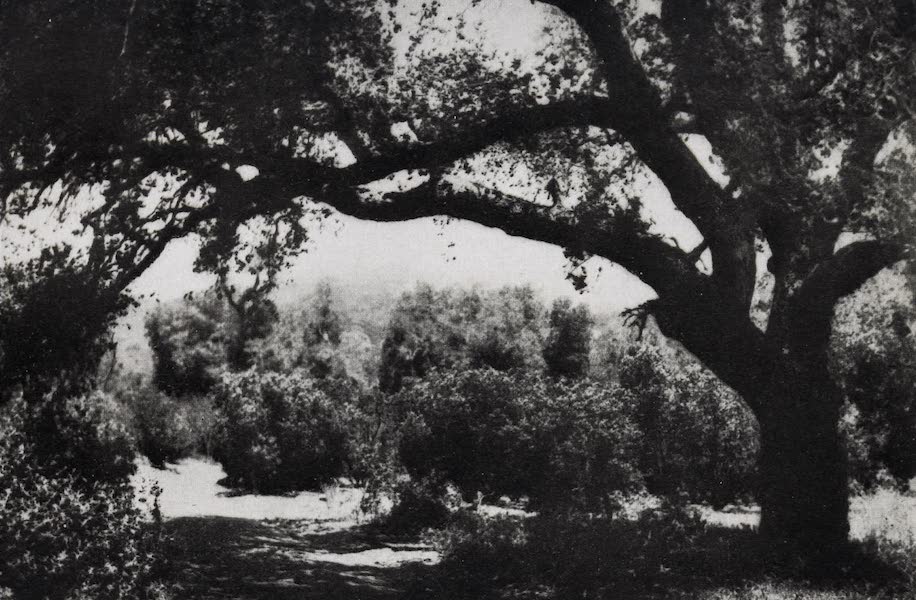 | A Back Country Oak
|
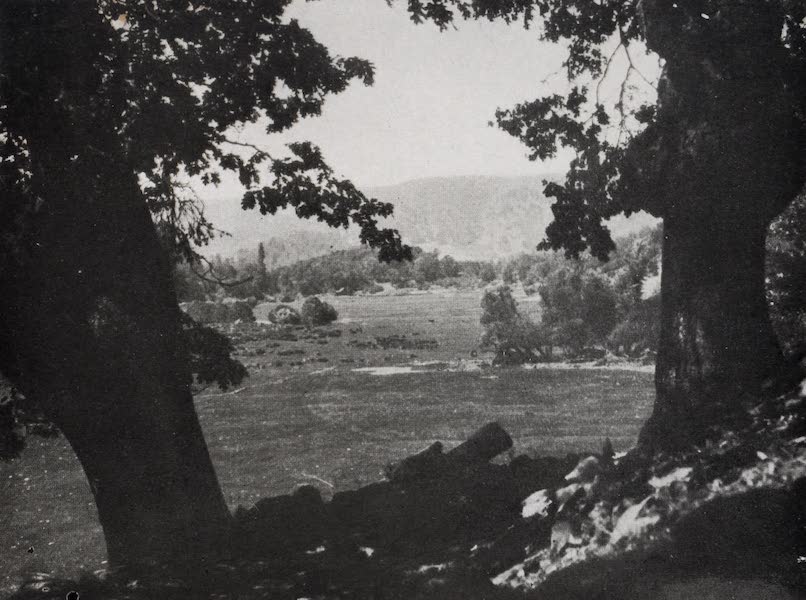 | A Back Country Valley
|
 | A Back Street
|
 | A Back Street in Trento
|
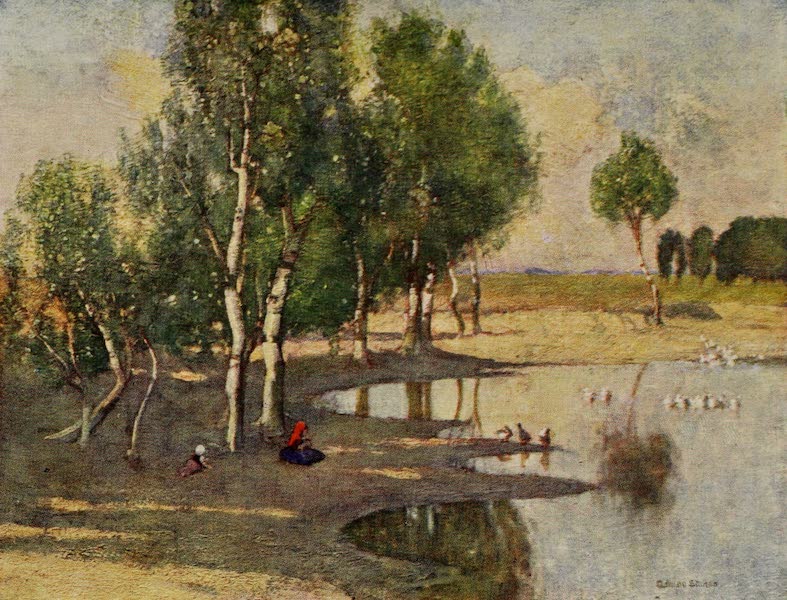 | A Backwater of the Danube
|
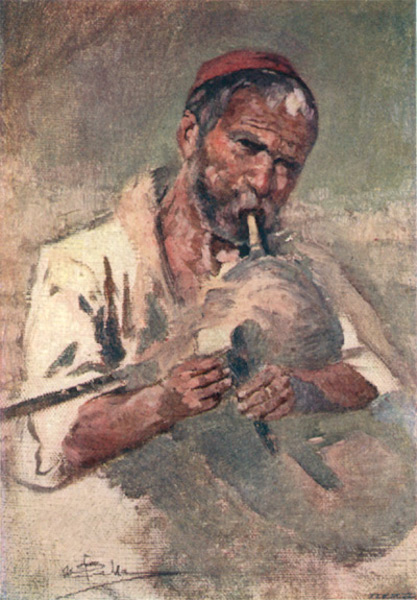 | A Bagpiper
|
 | A Bailiff's Cottage
|
 | A Bakers Shop
|
 | A Balancer
|
 | A Balancing Feat
|
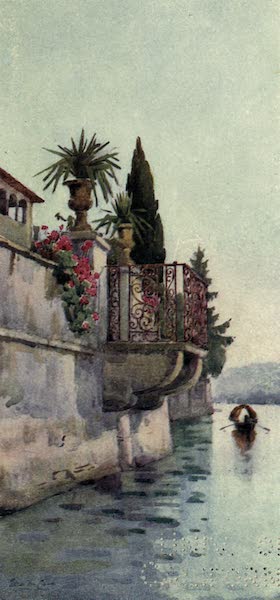 | A Balcony
|
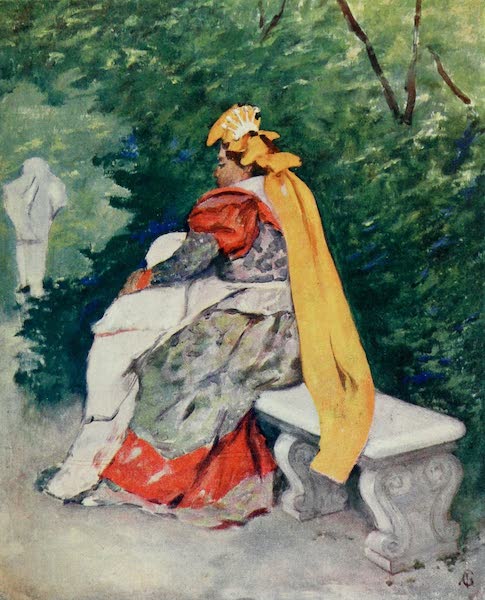 | A Balia (Nurse) in the Villa Nazionale, Naples
|
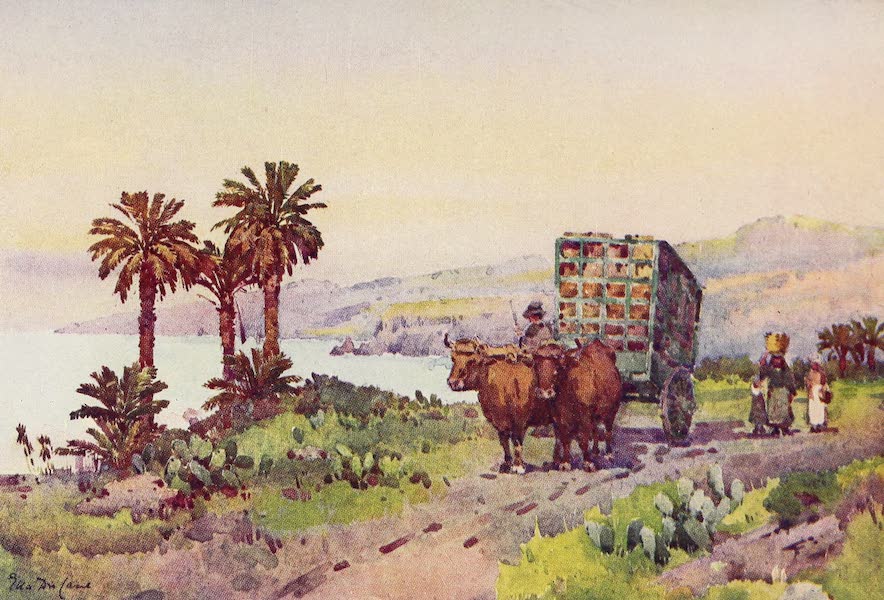 | A Banana Cart
|
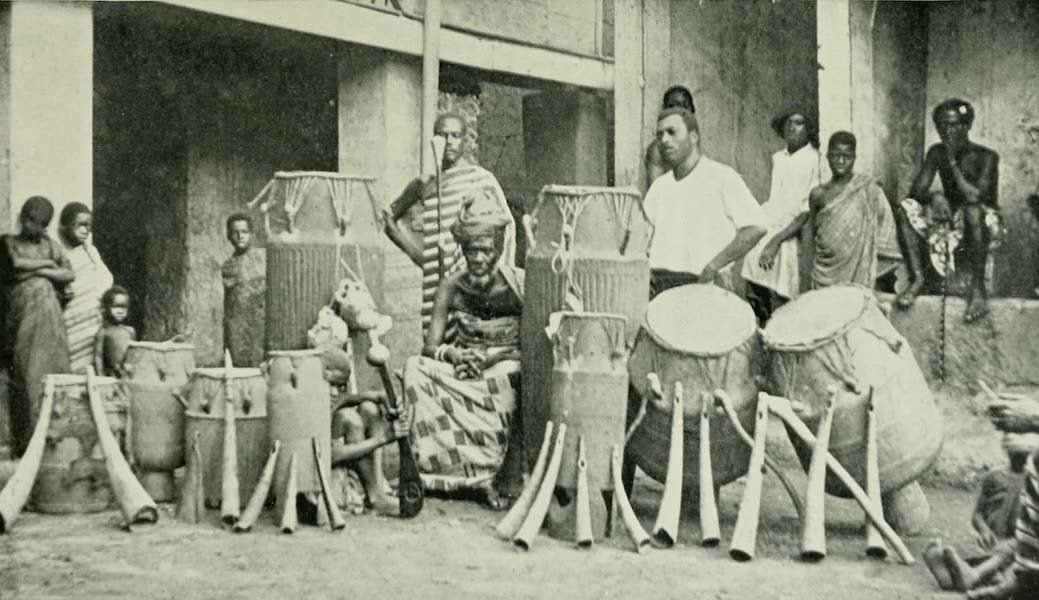 | A Band of Music Gold Coast Interior
|
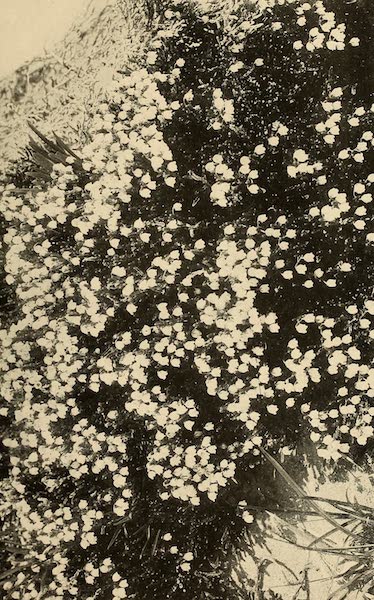 | A Bank of White Heather
|
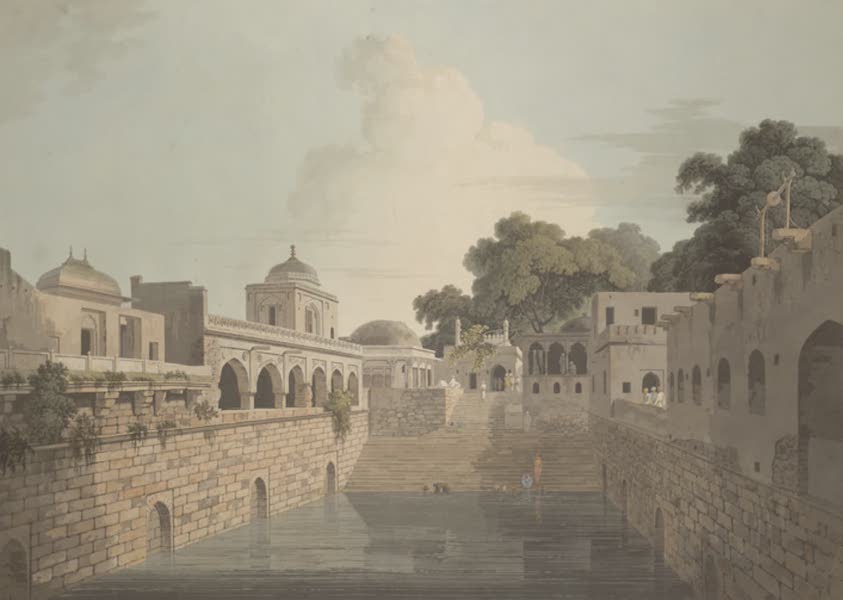 | A Baolee near the old city of Delhi
Plate 18 from the third set of Thomas and William Daniell's 'Oriental Scenery.' This step-well or baoli, near the funerary complex in Delhi of Shaikh Nizam al-Din Aulia (1236-1325), is believed to have been built by the followers of the Saint. It is surrounded by a mosque and some tombs. The Daniells saw small boys dive into the water to retrieve coins, as they still do. |
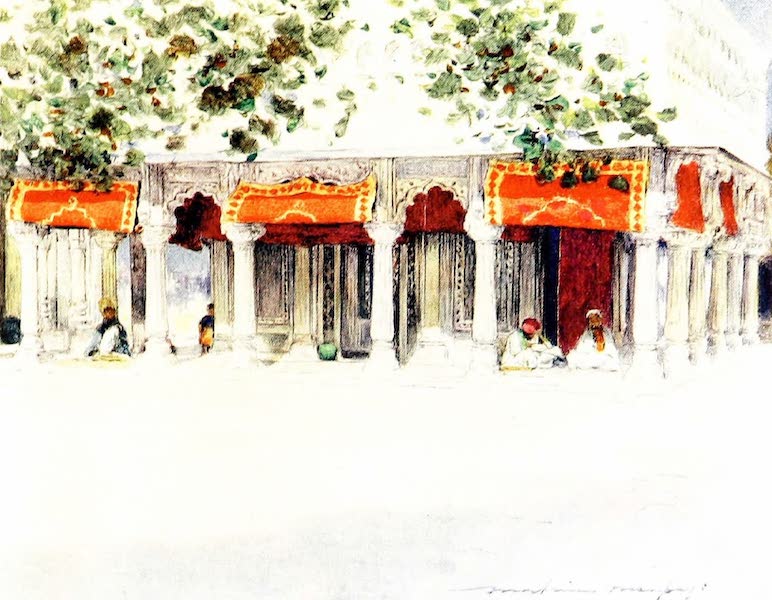 | A Bara Durri at Delhi
|
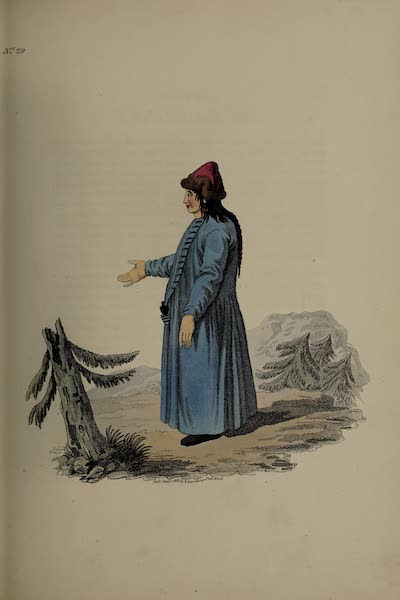 | A Barabintzian Girl
|
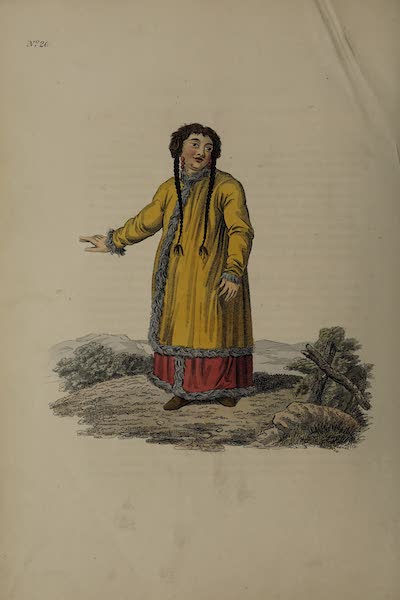 | A Barabintzian Woman
|
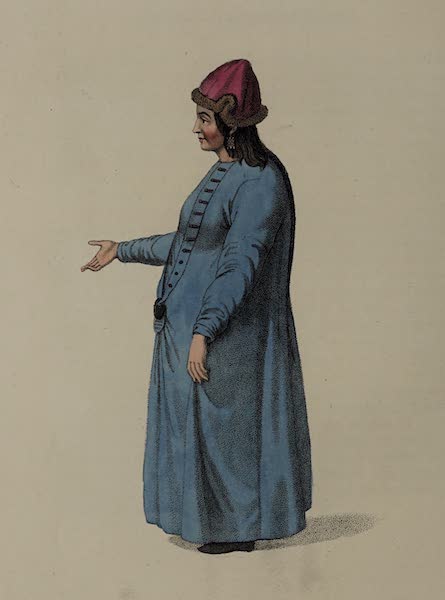 | A Barabinzian Girl
|
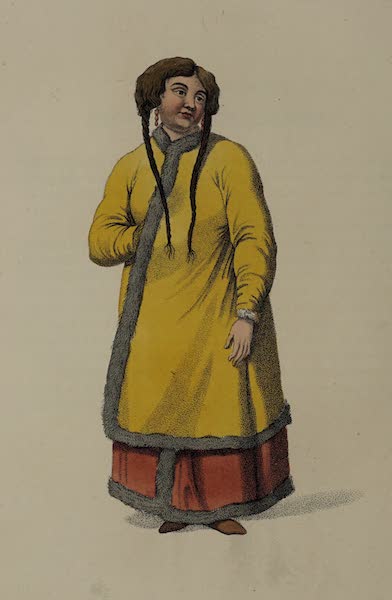 | A Barabinzian Woman
|
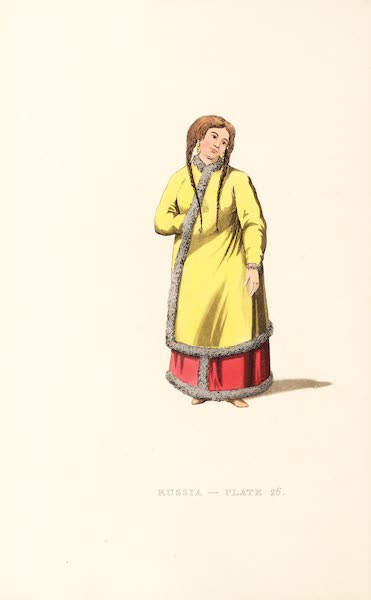 | A Barabinzian Woman
|
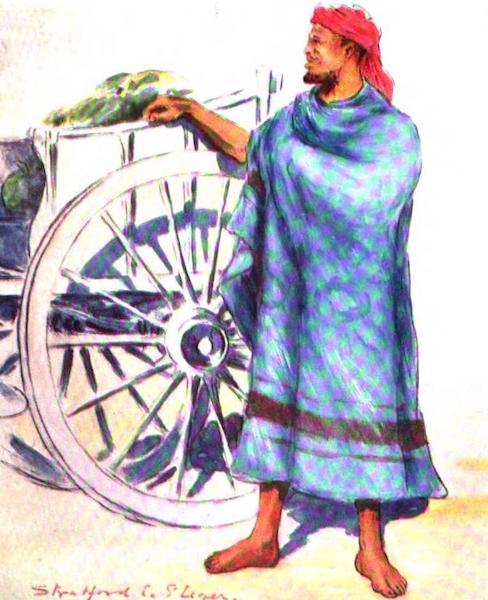 | A Baralong Fruitseller
|
 | A Barber
|
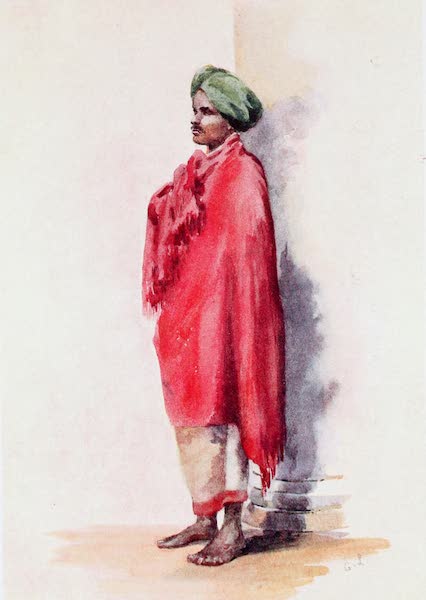 | A Barber
|
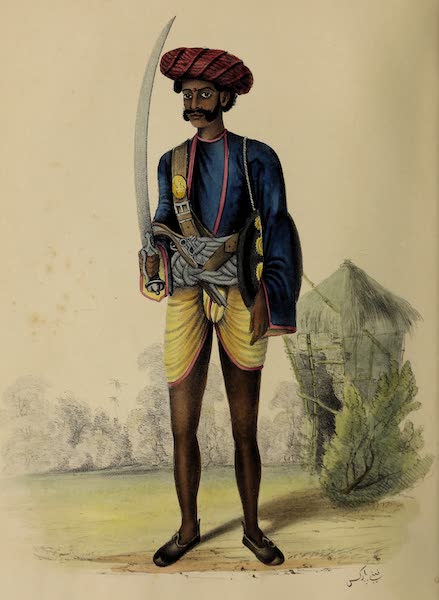 | A Barkandaz
|
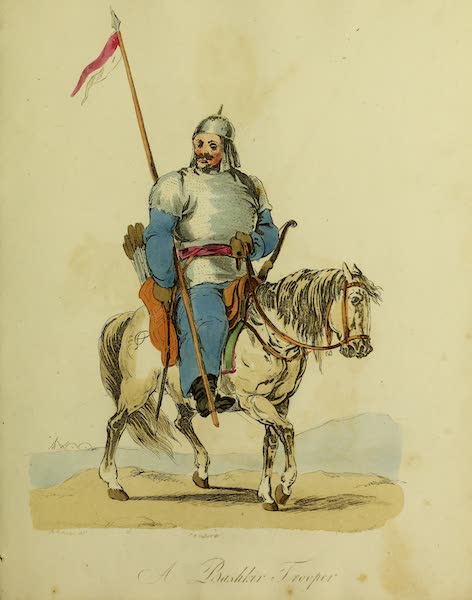 | A Bashkir Trooper
|
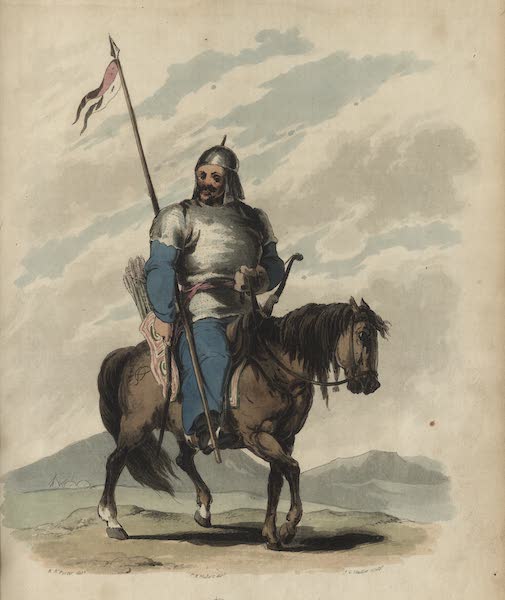 | A Bashkir Tropper
|
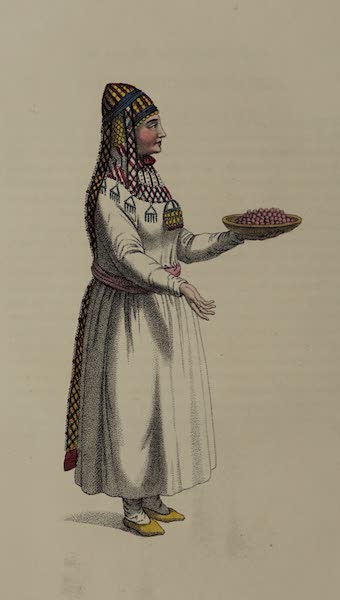 | A Bashkirian Woman
|
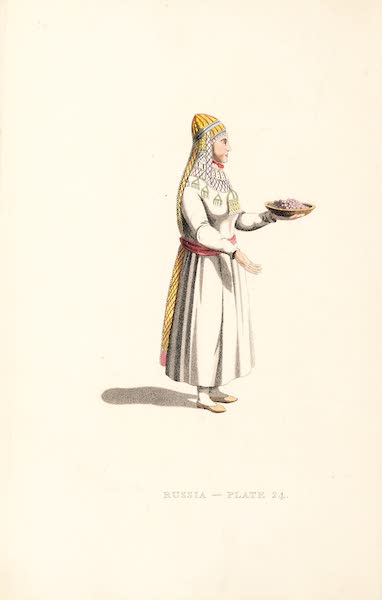 | A Bashkirian Woman
|
 | A Basket-weaver
|
 | A Bath
|
 | A Bay-Window at Nuremberg
|
 | A Bazaar
|
 | A Bazaar at Peshawur
|
 | A Bazaar in Amritsar
|
 | A Bazaar in Seedhiyas Camp
|
 | A Bazaar, Delhi
|
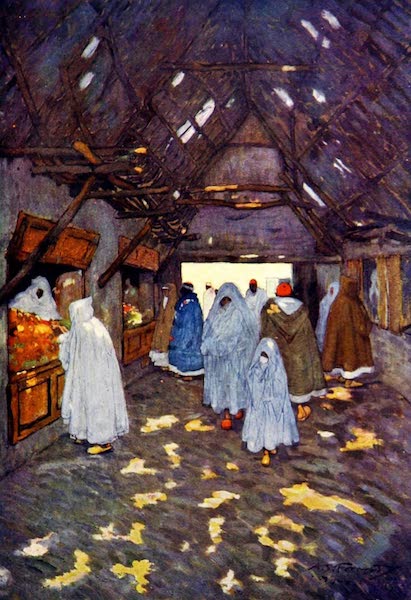 | A Bazaar, Marrakesh
|
 | A Bear Plunging into the Sea
The crew attempted to shoot the bear, but failed. The polar bear is Ursus maritimus. |
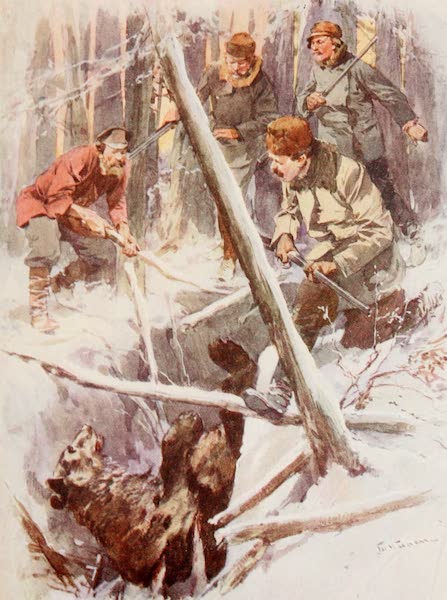 | A Bear-Trap
|
 | A Beautiful Drive in Balboa Park
|
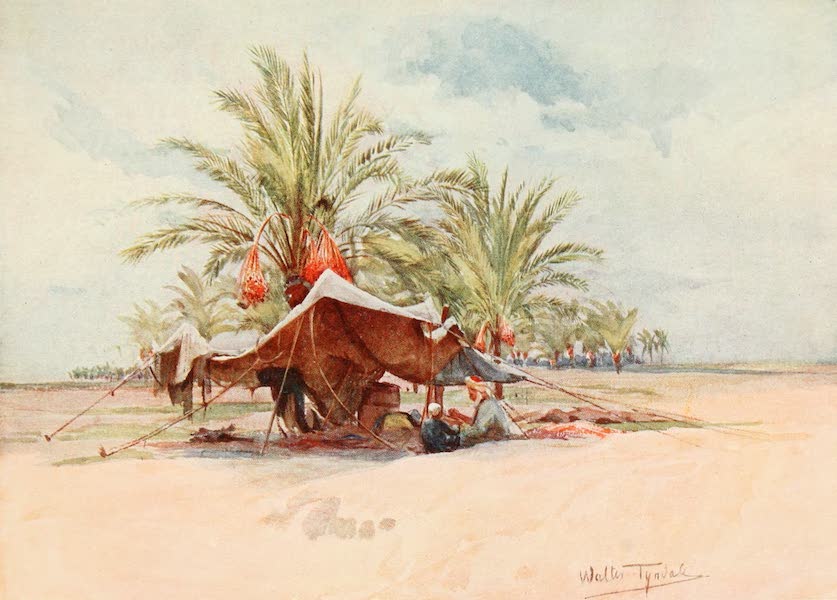 | A Bedawi Tent
|
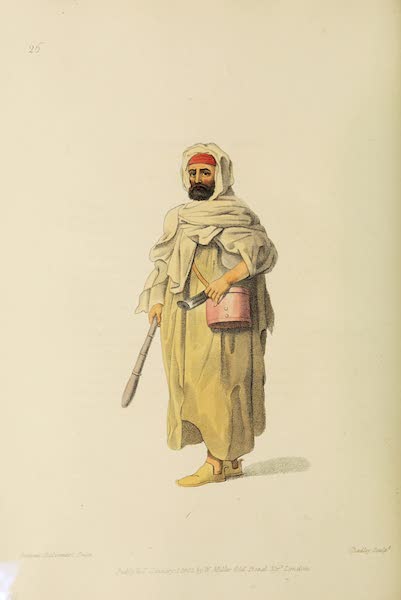 | A Bedouin Arab
|
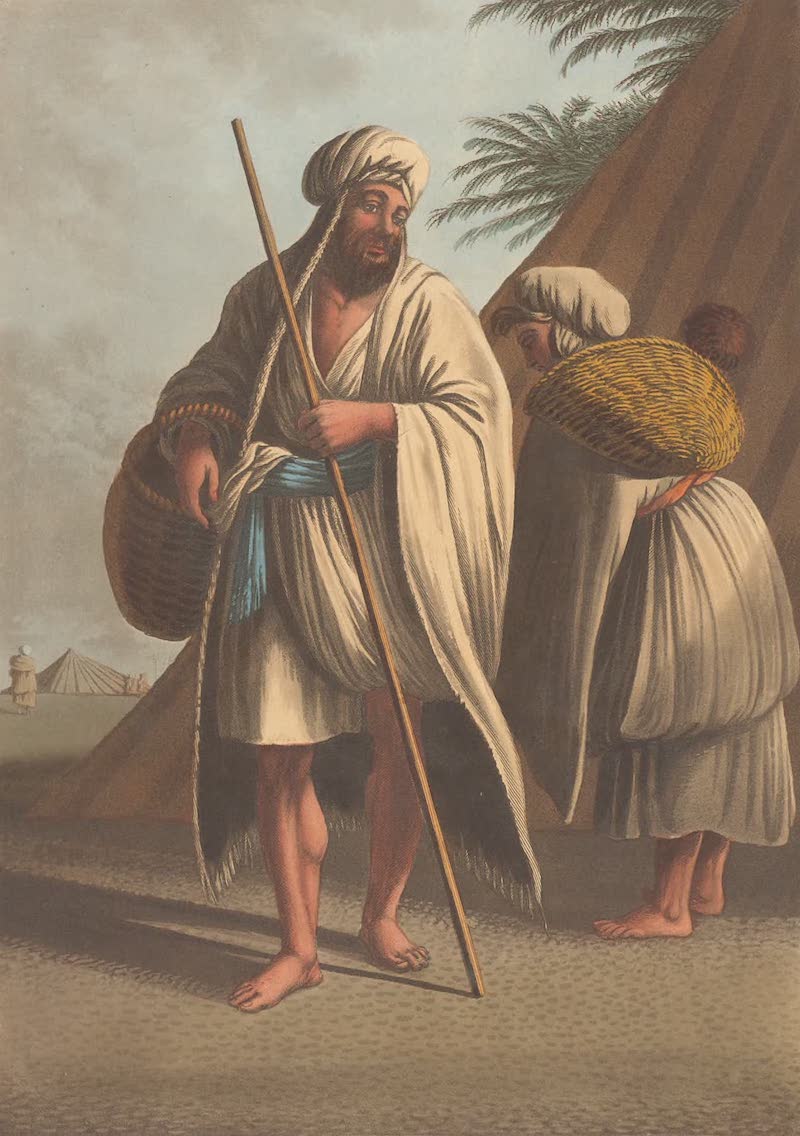 | A Bedoween Man and Woman
|
 | A Beggar
|
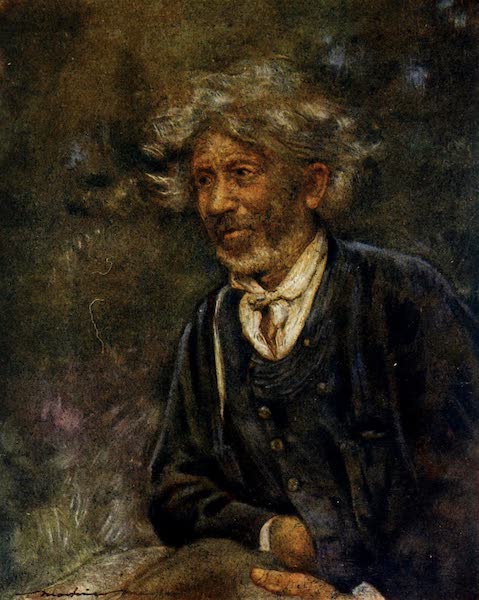 | A Beggar
|
 | A Beggar with a Dog
|
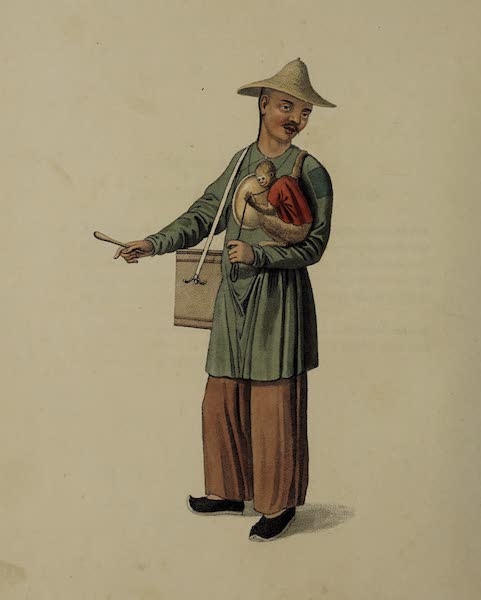 | A Beggar with a Monkey
|
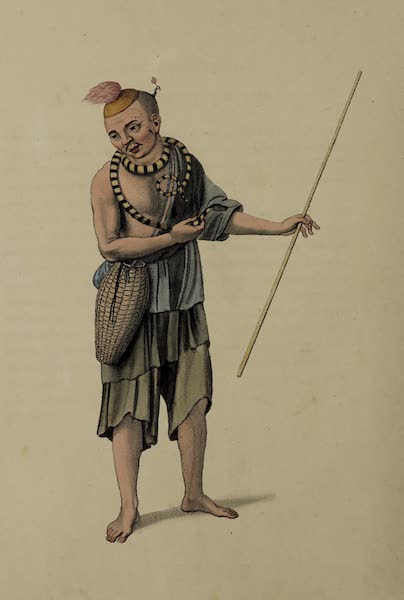 | A Beggar with a Serpent
|
 | A Belgian Camp
|
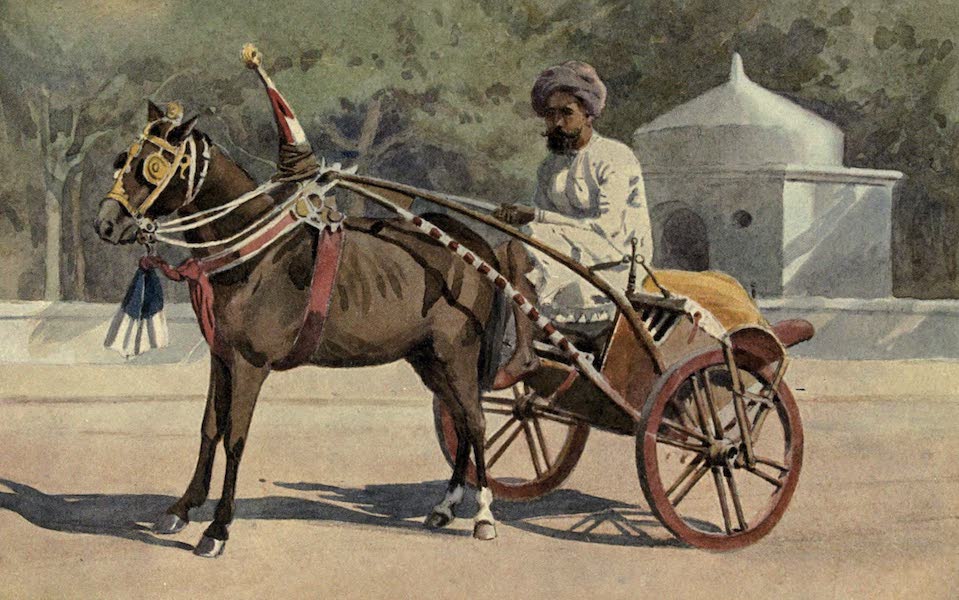 | A Benares Ekka
|
 | A Bengali Woman
|
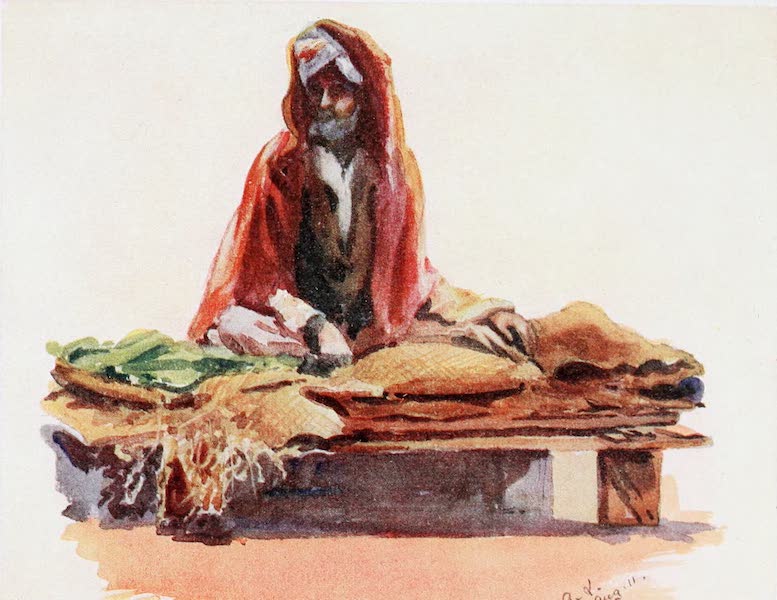 | A Betel-Leaf and Areca-Nut Seller
|
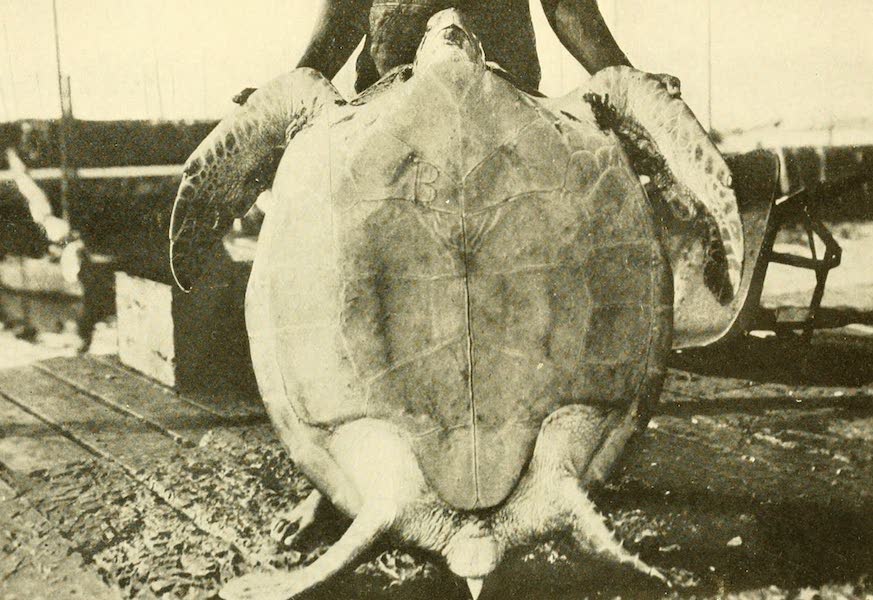 | A Big Turtle Ready for Market
|
 | A Birch-Wood in Springtime, by Loch Maree, Ross-shire
|
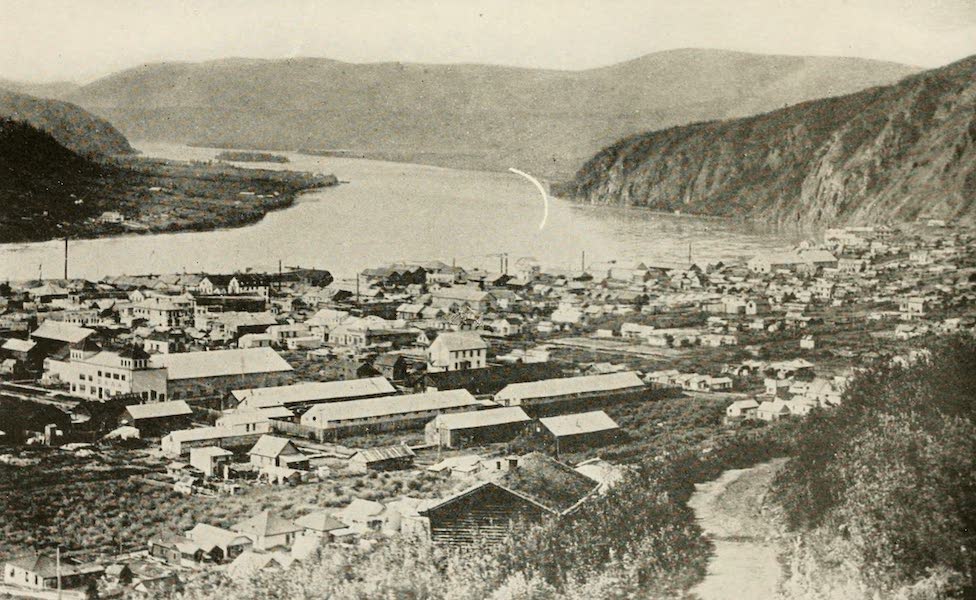 | A Bird's-eye View of Dawson
|
 | A Bird's-eye View of Seward
|
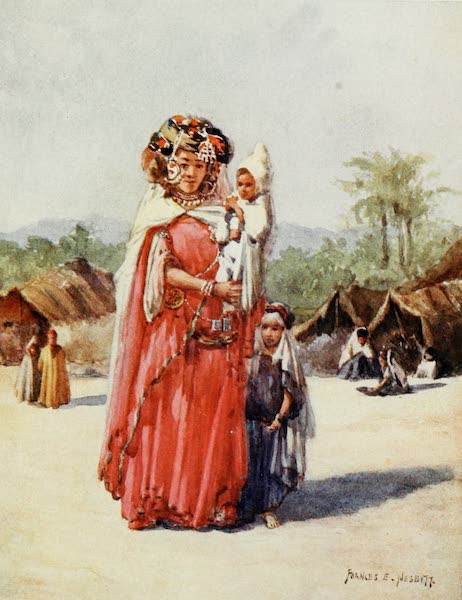 | A Biskra Woman
|
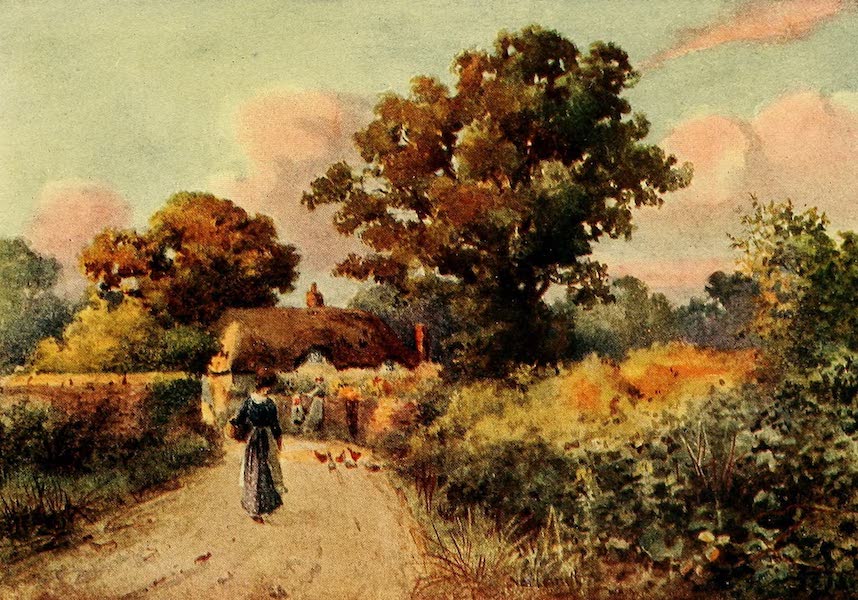 | A Bit of Old England
|
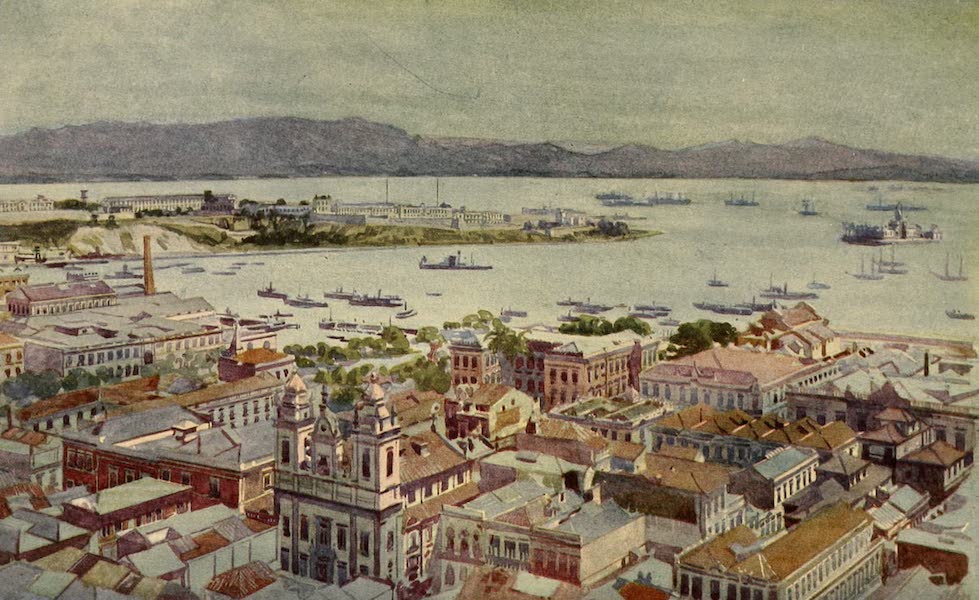 | A Bit of Rio with the Ilha das Cobras and the Ilha Fiscal
|
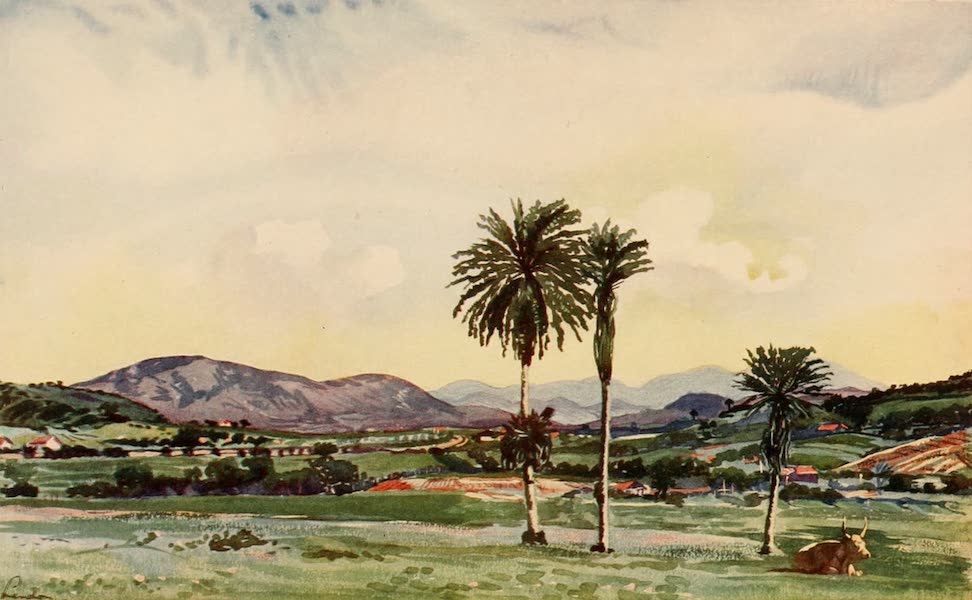 | A Bit of Rio's North Western Suburbs
|
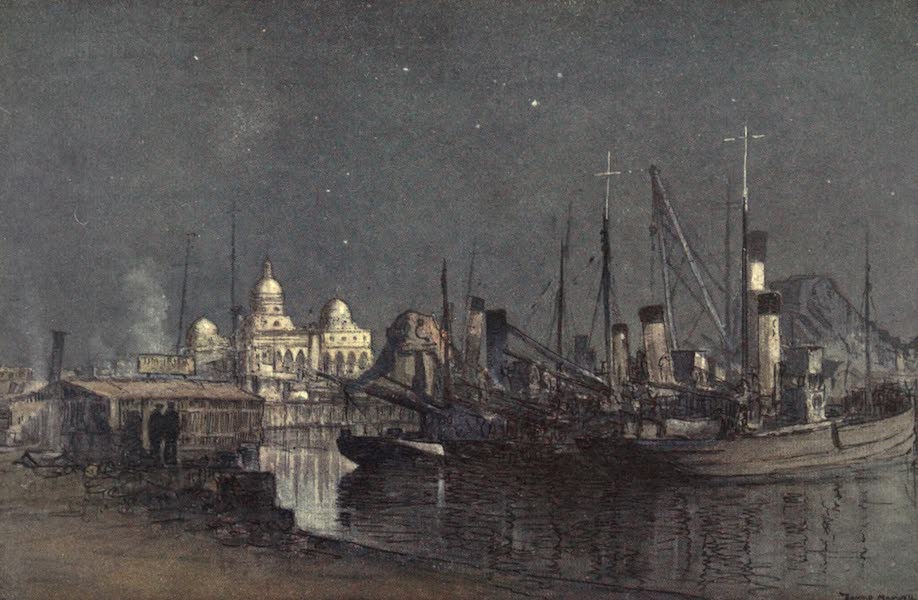 | A Bit of Yarmouth in the East : View from Quay at Navy House, Port Said
|
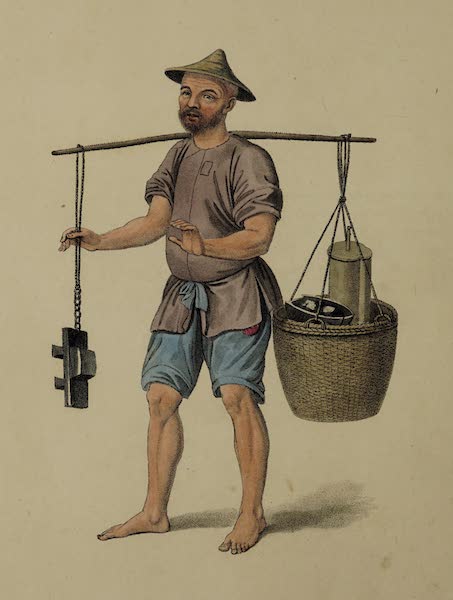 | A Blacksmith
|
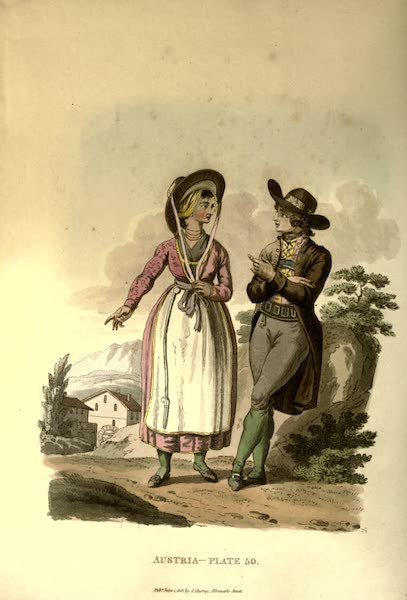 | A Blacksmith of Upper Austria
|
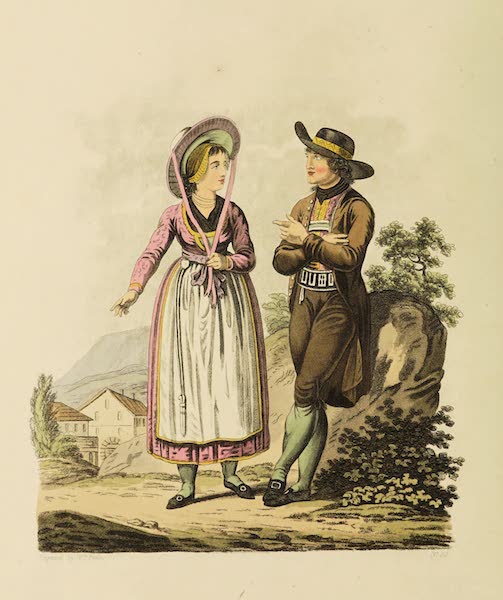 | A Blacksmith of Upper Austria, in his Holiday Clothes
|
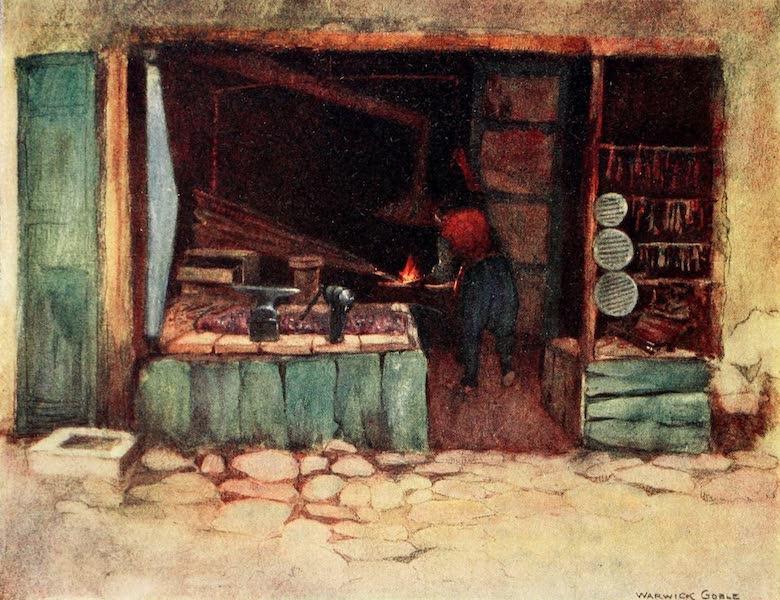 | A Blacksmith's Shop
|
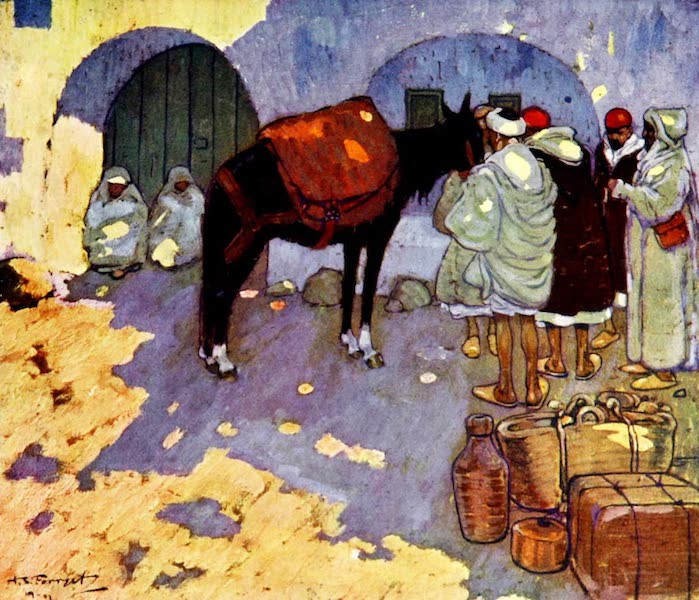 | A Blacksmith's Shop
|
 | A Blaze of Sun
|
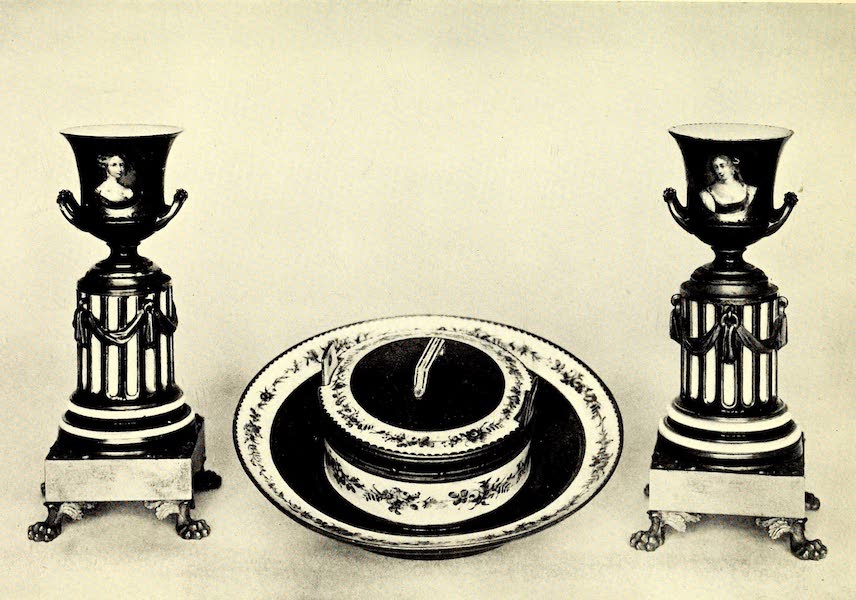 | A Bleu de Roi Butter-Dish, and Vases
|
 | A Blind Beggar
|
 | A Blind Beggar
|
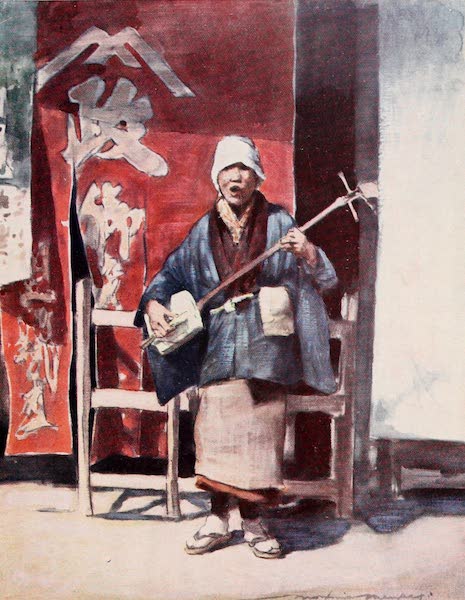 | A Blind Beggar
|
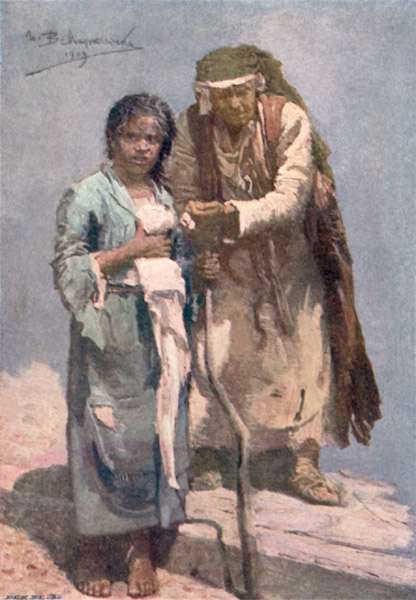 | A Blind Beggar Woman
|
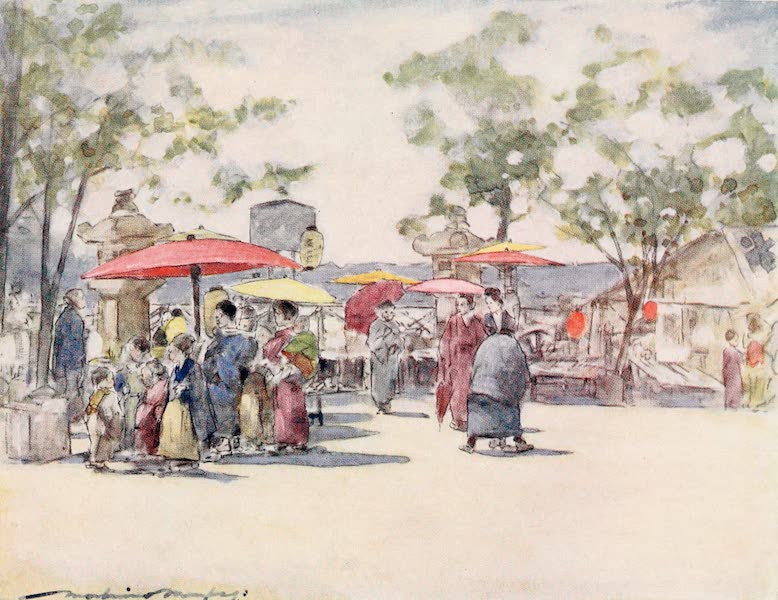 | A Blond Day
|
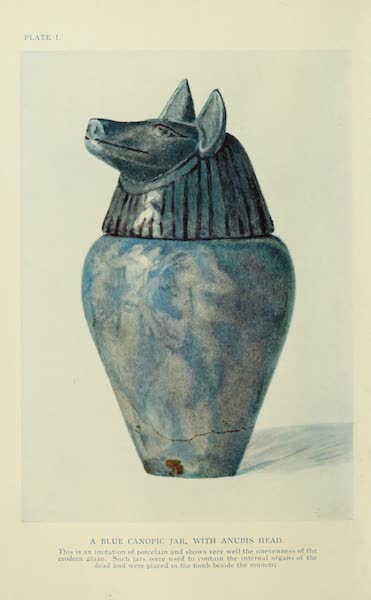 | A Blue Canopic Jar with Anbis Head
|
 | A Boatload of Fragrance
|
 | A Boatman and his Family
|
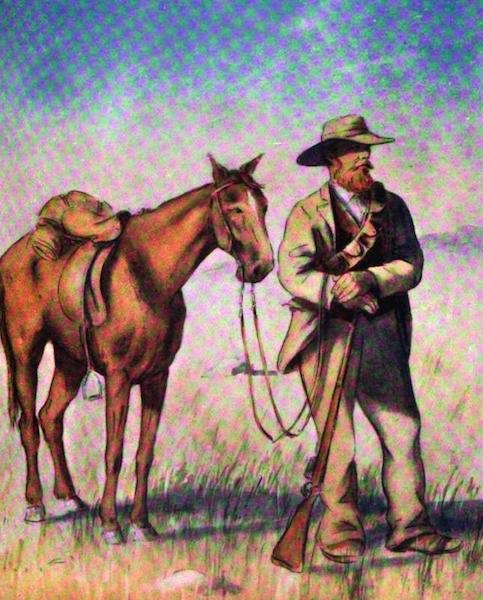 | A Boer and his Pony
|
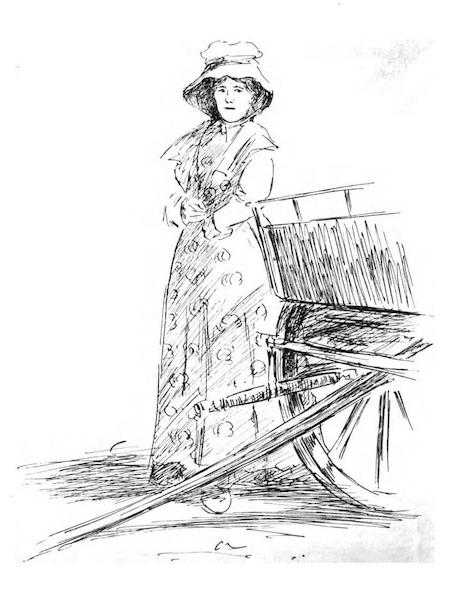 | A Boer Vrouw
|
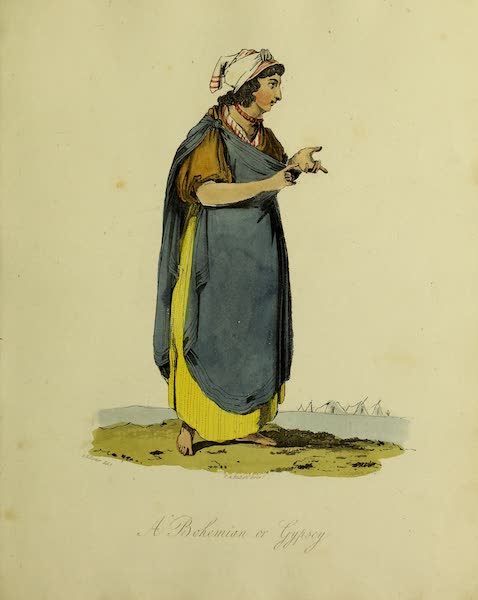 | A Bohemian or Gypsey
|
 | A Bohemian or Gypsey
|
 | A Bohemian Serf
|
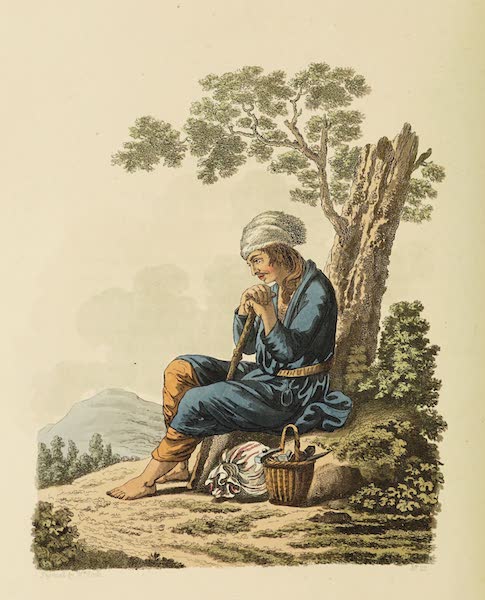 | A Bohemian Serf
|
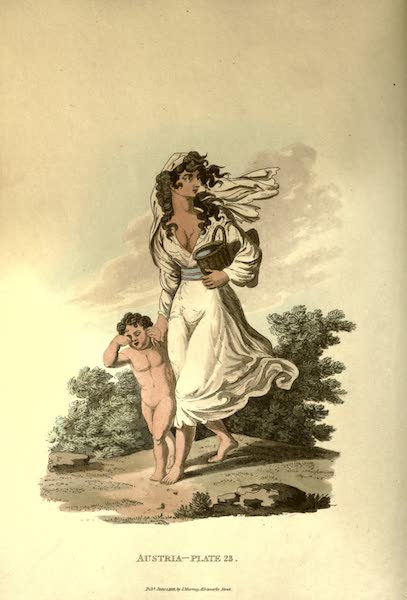 | A Bohemian Woman
|
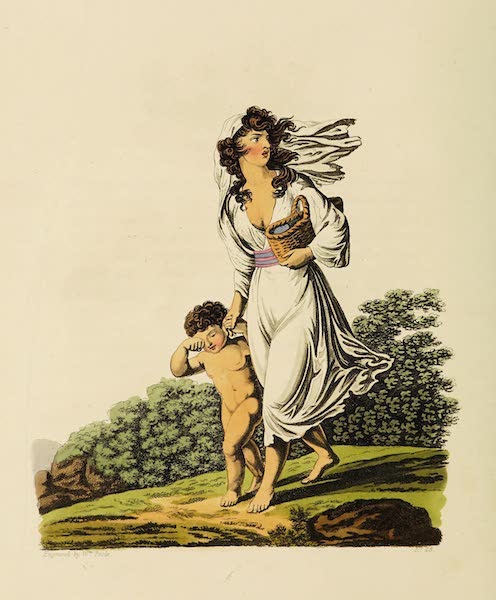 | A Bohemian Woman
|
 | A Bone Sled, Dog Ship, Spear, and Knife of the Arctic Highlanders
The spear and sledge or sled were gifts from the Inuit to Captain Ross. The spear was made of narwhal tusk. The sled was made of seal bones and sealskin, with the runners made of narwhal tusk. |
 | A Bonzee begging Alms
|
 | A Bookseller
|
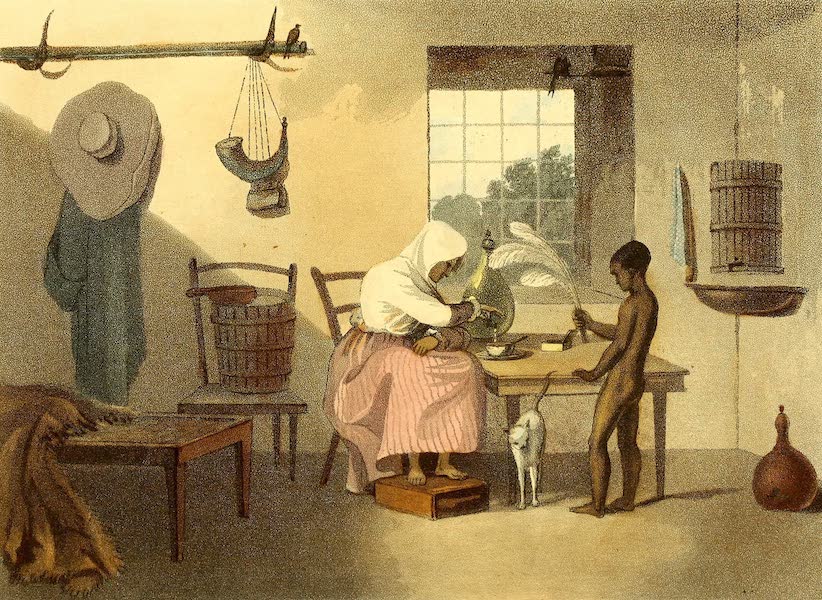 | A Boor's wife taking her Coffee
|
 | A Boosh-Wannah Hut
|
 | A Booteah Servant
|
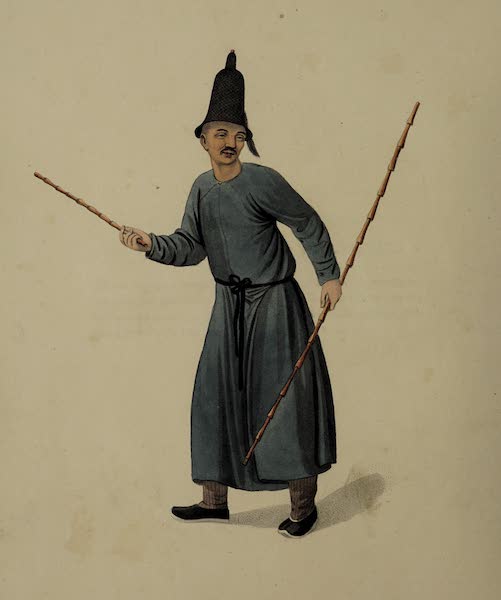 | A Boschee
|
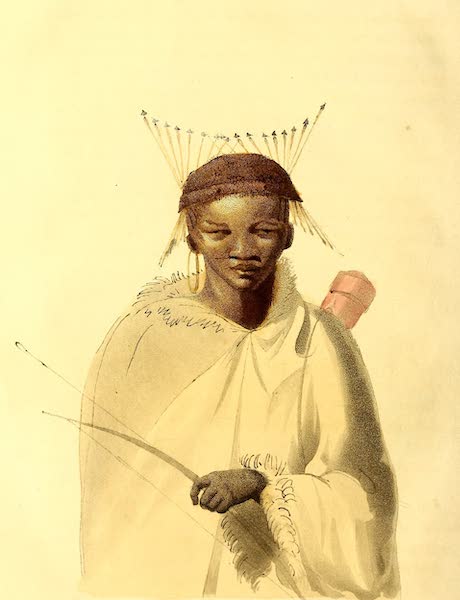 | A Bosjesman in Armour
|
 | A Bosniac
|
 | A Boukharian of Siberia
|
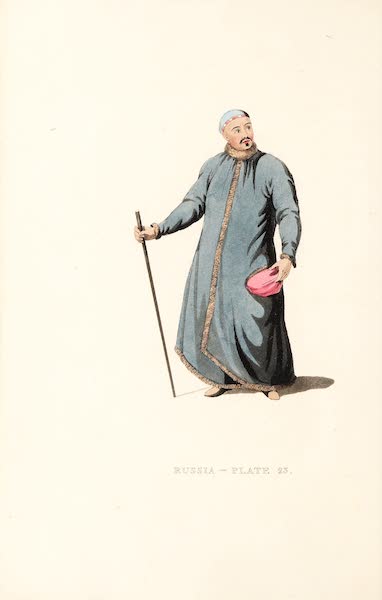 | A Boukharian of Siberia
|
 | A Boxing Match in the Y.M.C.A. Hut, Henriville
|
 | A Boy Cleaning a Kettle
|
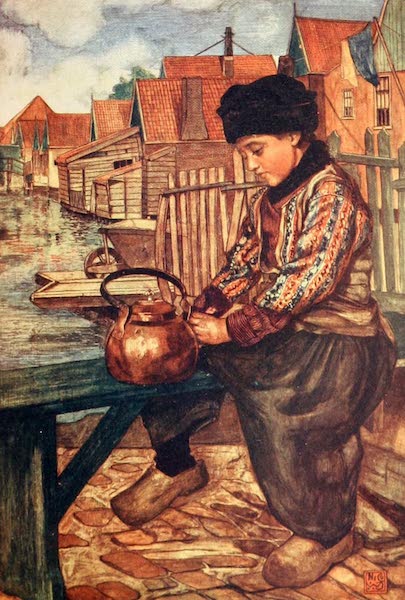 | A Boy cleaning Kettle
|
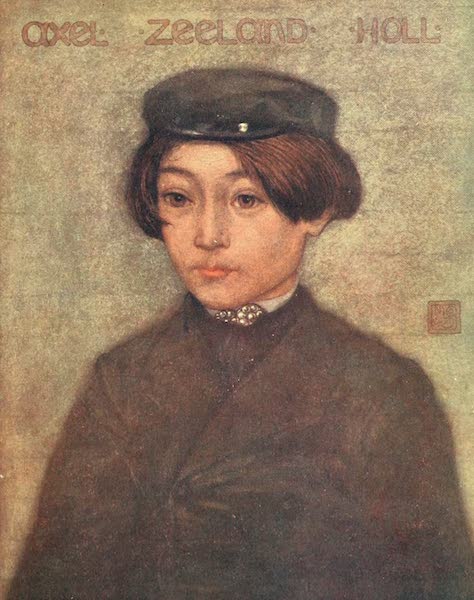 | A Boy of Axel
|
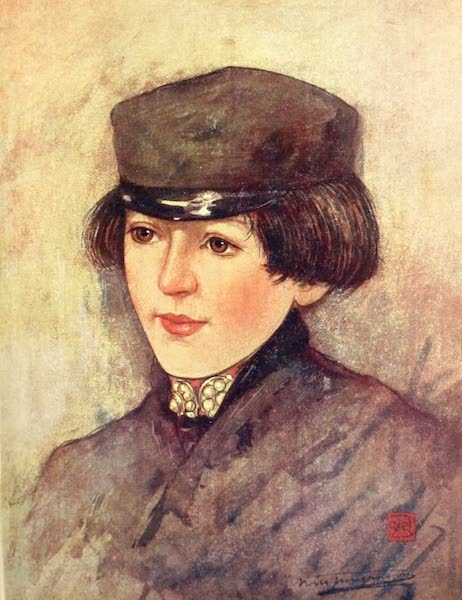 | A Boy of Goes
|
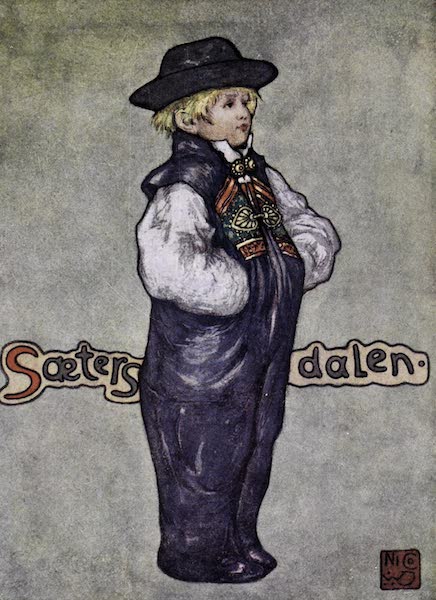 | A Boy of Saetersdalen
|
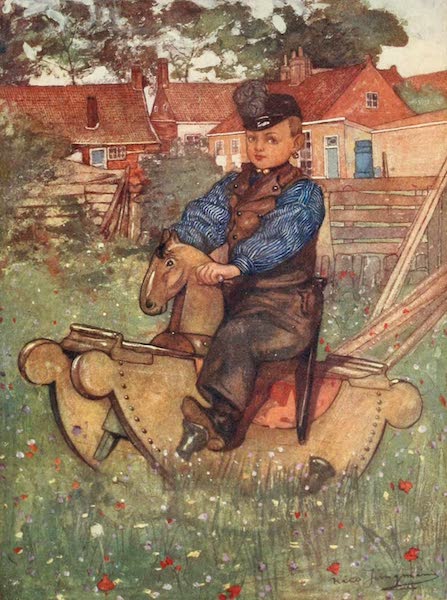 | A Boy of Veere
|
 | A Boy of Veere astride a Rocking Horse
|
 | A Boy Smoking, Volendam
|
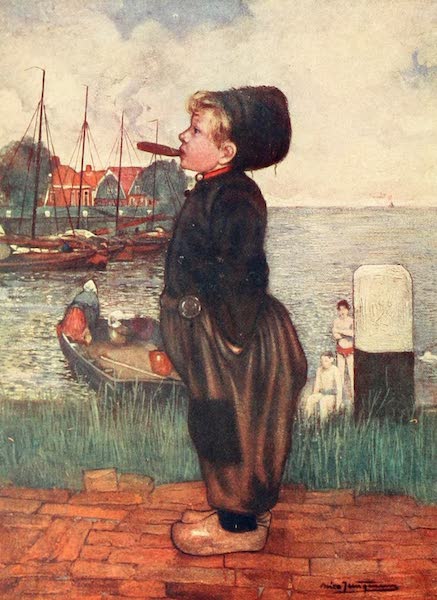 | A Boy Smoking, Volendam
|
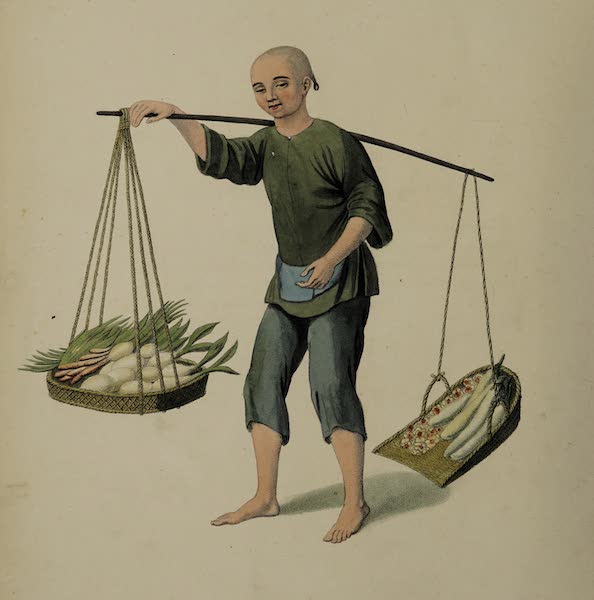 | A Boy with Vegetables
|
 | A Brabant Moor
|
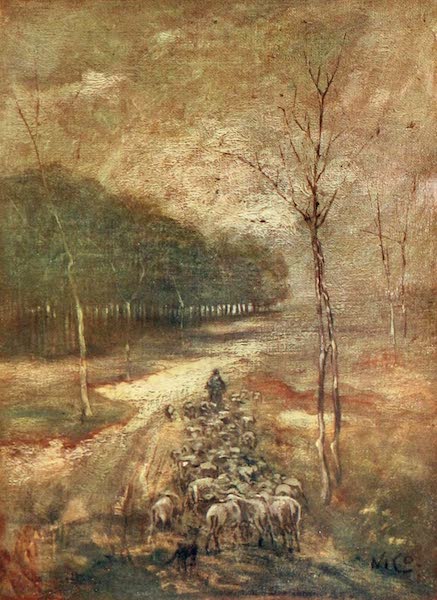 | A Brabant Moor
|
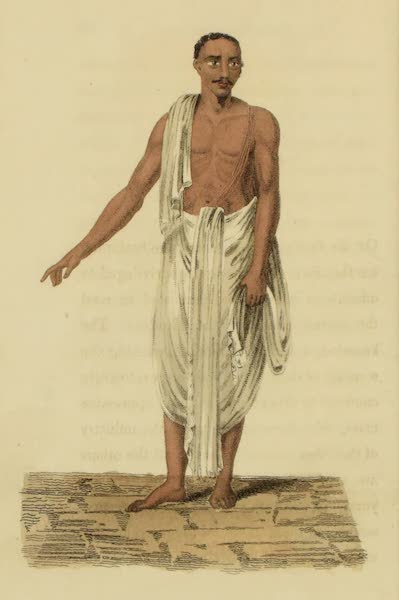 | A Brahmin
|
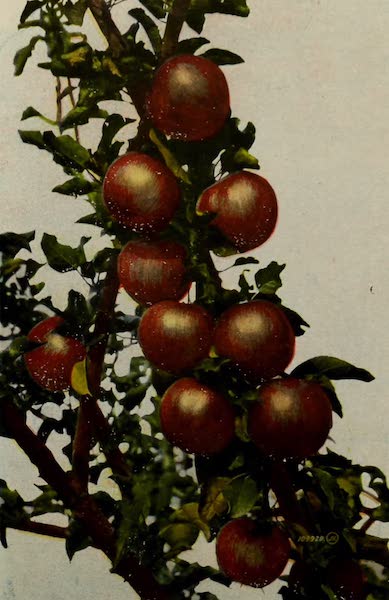 | A Branch of Okanagan Beauties
|
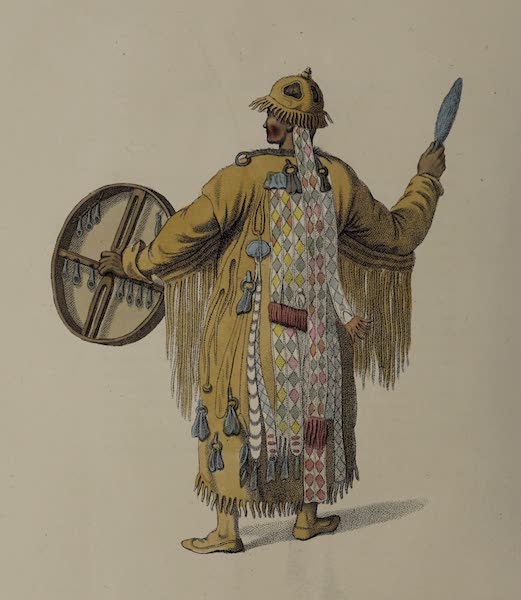 | A Bratzkian Schaman, or female magician
|
 | A Bratzkian Schaman, or Female Magician
|
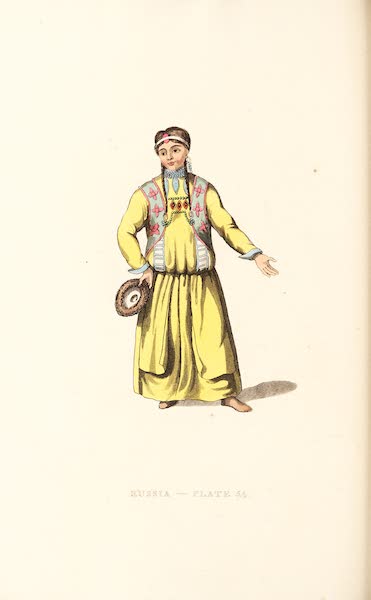 | A Bratzkian Woman of Udinskoi Ostrog
|
 | A Bratzkian Woman, of Udinskoi Ostrog
|
 | A Brazilian Family
|
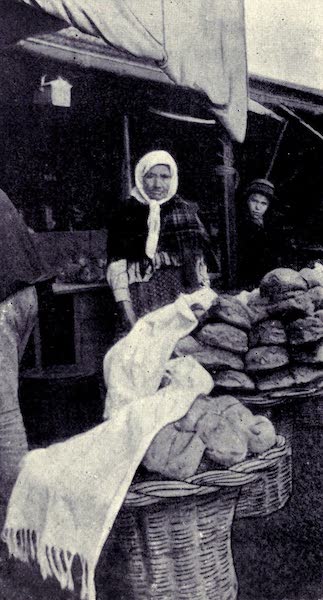 | A Bread Seller : Funchal Market
|
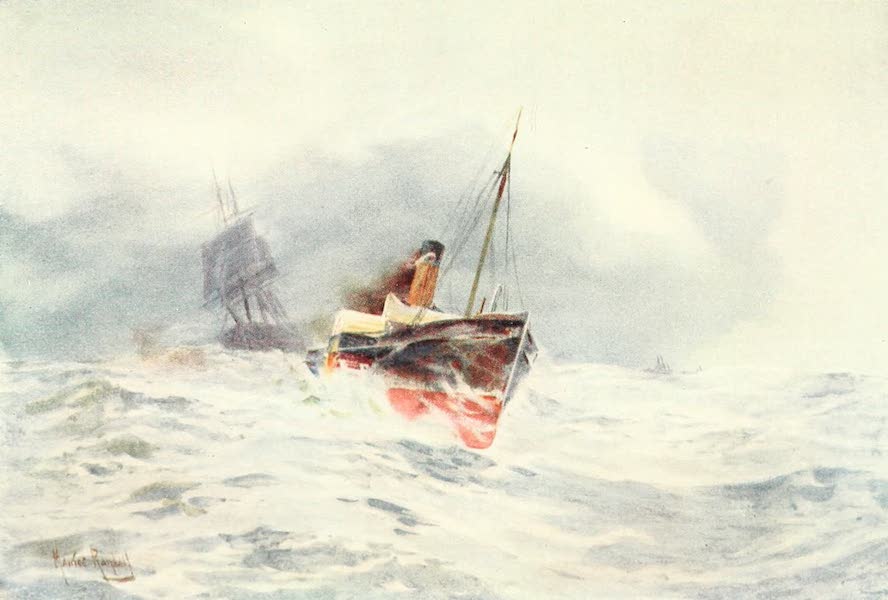 | A Breeze off the Lizard
|
 | A Breezy Day at Ayat
|
 | A Breton Calvaire
|
 | A Breton Calvaire: the oratory of Jacques Cartier
|
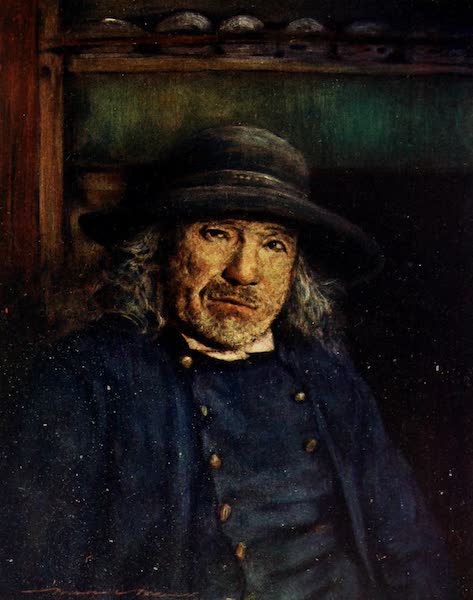 | A Breton Farmer
|
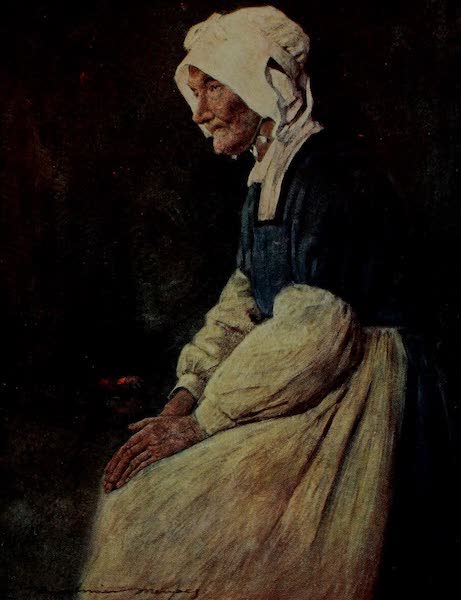 | A Breton Woman
|
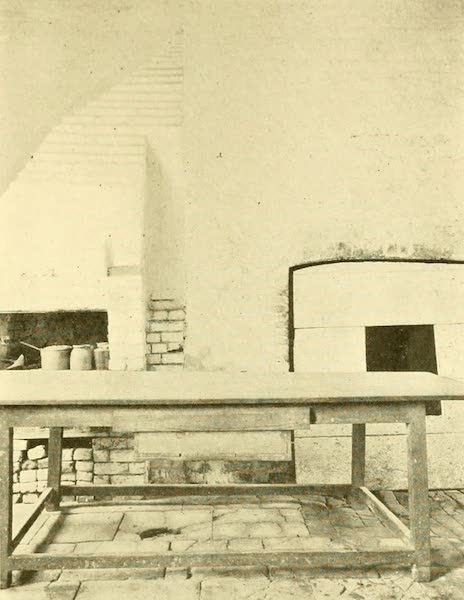 | A Brick Oven in the Bake-Room
|
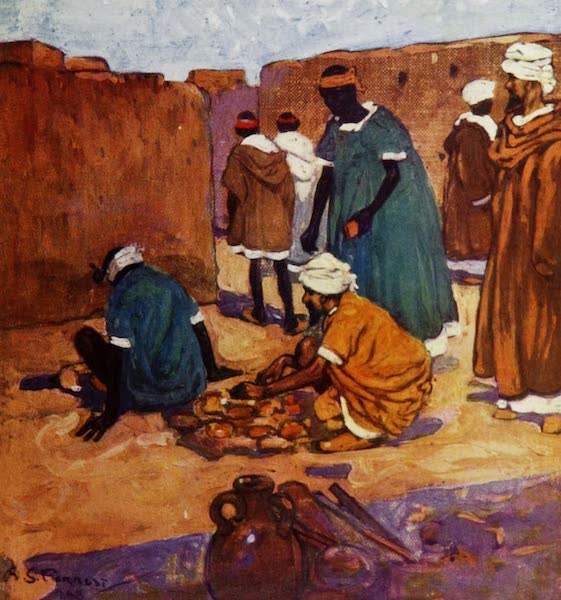 | A Brickfield, Marrakesh
|
 | A Bricklayer
|
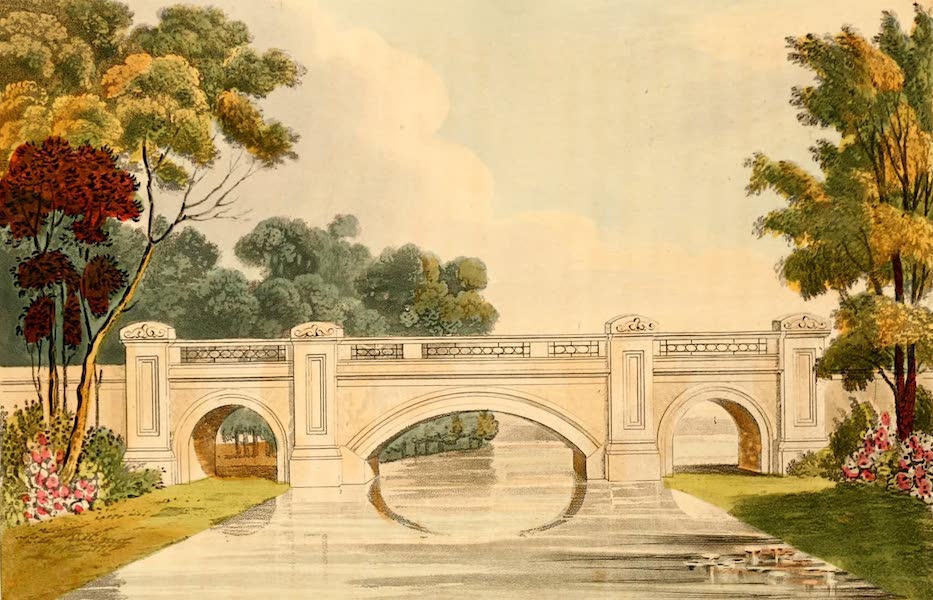 | A Bridge adapted to Park Scenery
|
 | A Bridge and Boat House
|
 | A Bridge and Temple
|
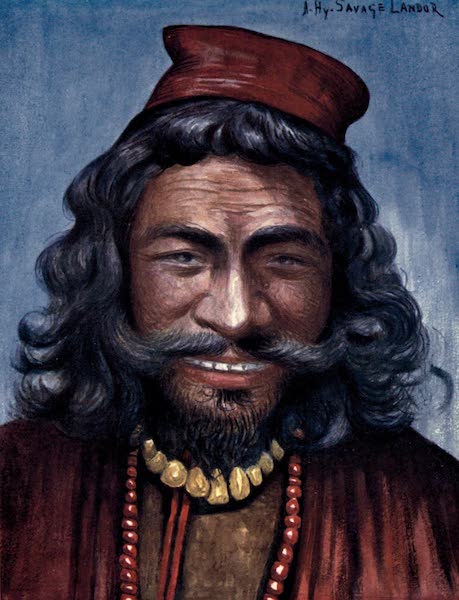 | A Brigand
|
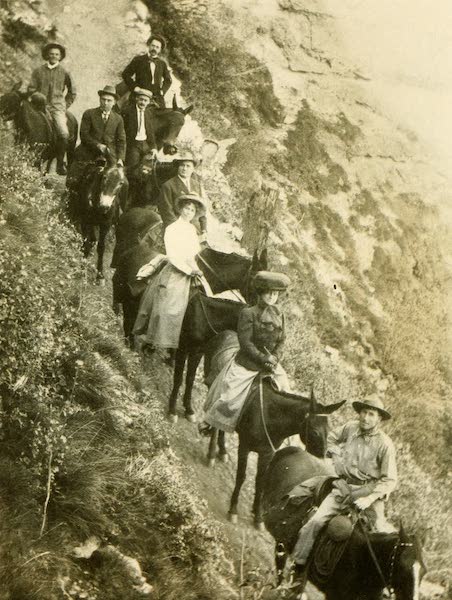 | A Bright Angel Trail Party - Grand Canyon
|
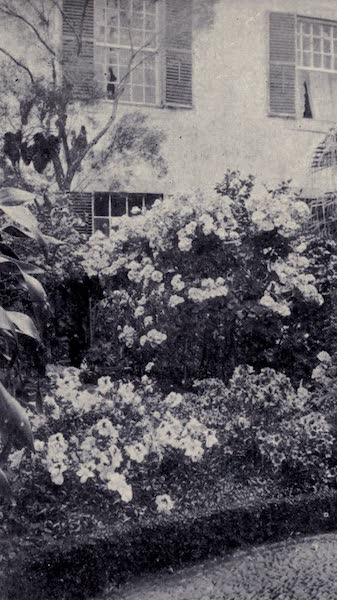 | A Bright Garden Corner
|
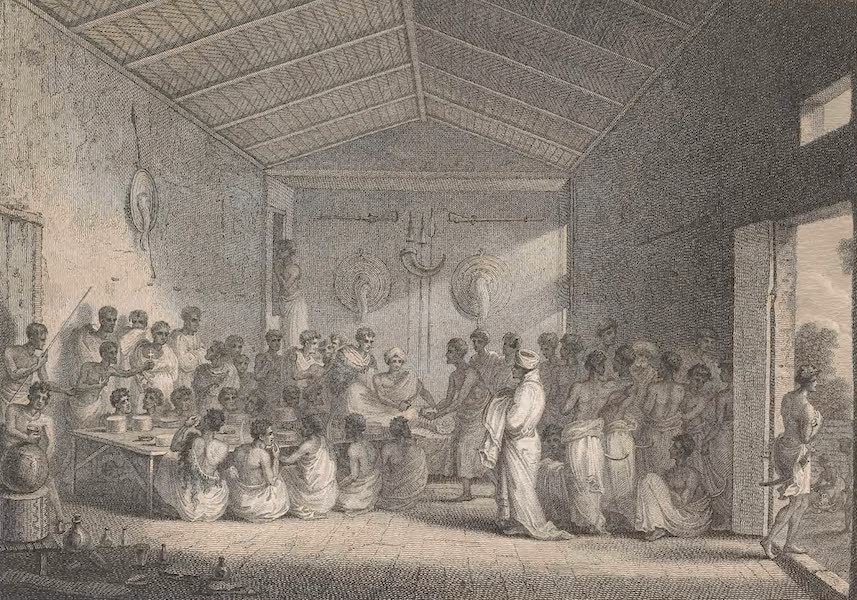 | A Brind Feast
|
 | A Buddha-near Pagan
|
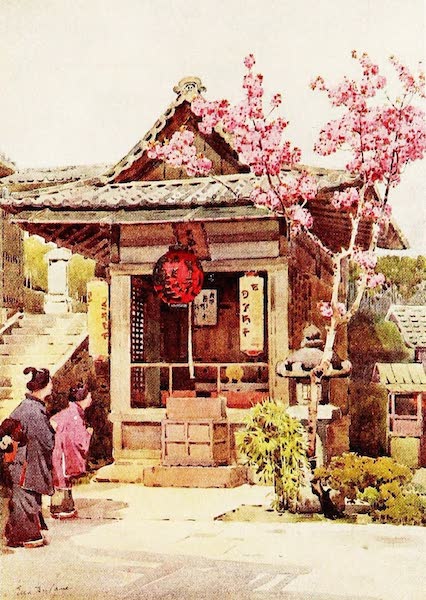 | A Buddhist Shrine
|
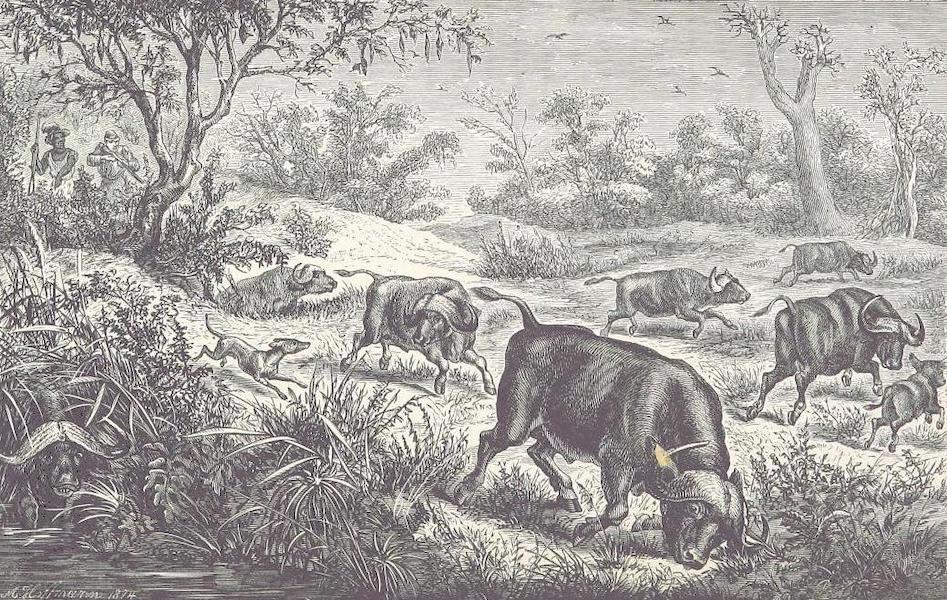 | A Buffalo Hunt
|
 | A Buffalo Pound. Feb. 8, 1820
|
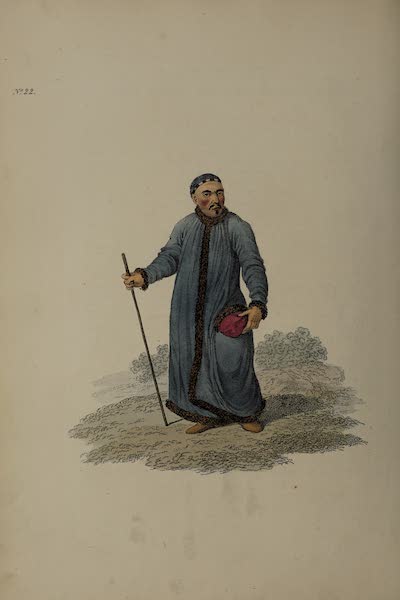 | A Bukharian of Siberia
|
 | A Bulb Farm near Overveen
|
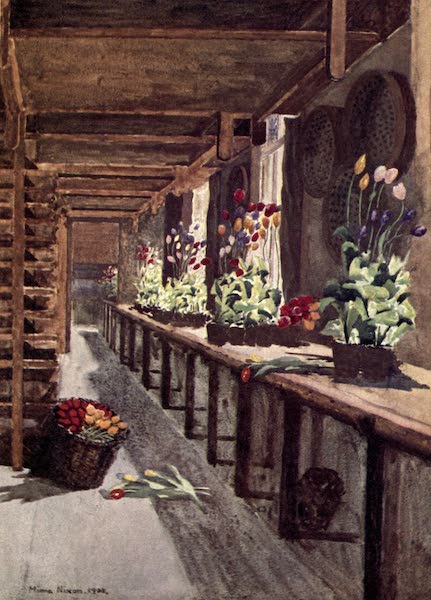 | A Bulb House
|
 | A Bulb-Grower's Garden
|
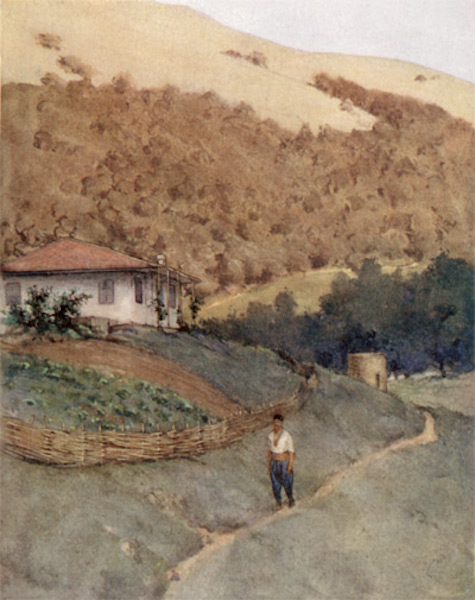 | A Bulgarian Farm
|
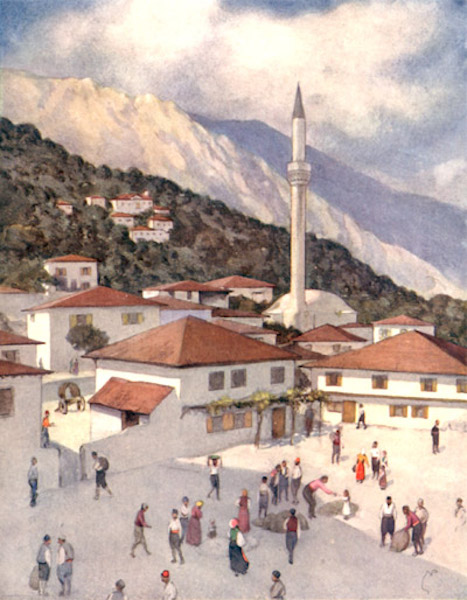 | A Bulgarian Market Town
|
 | A Bullock Cart, Jodhupur
|
 | A Bullock Team Hauling Timber in the Chaco, Argentina
|
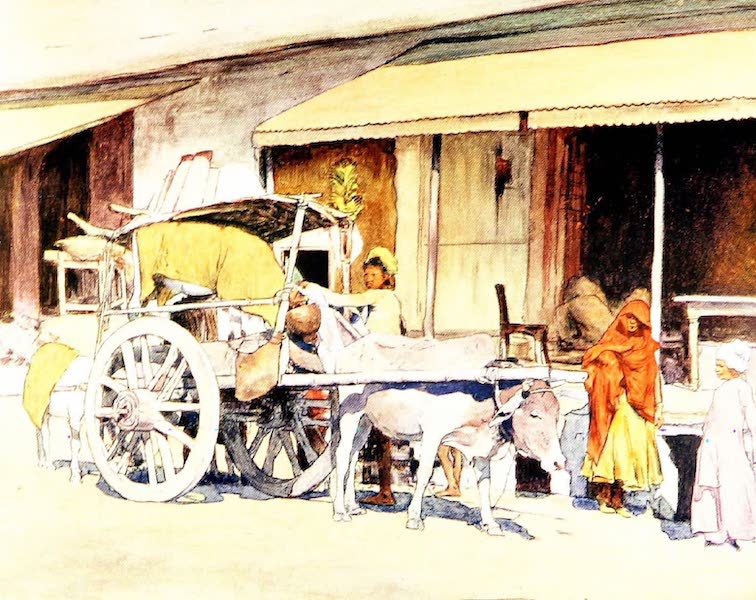 | A Bullock-cart, Ajmere
|
 | A Bunderwallah
|
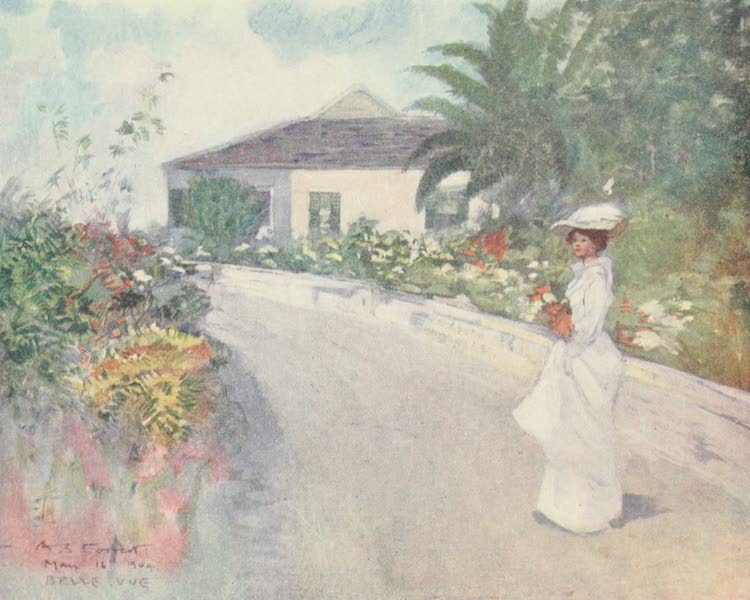 | A Bungalow on the Hills, Jamaica
|
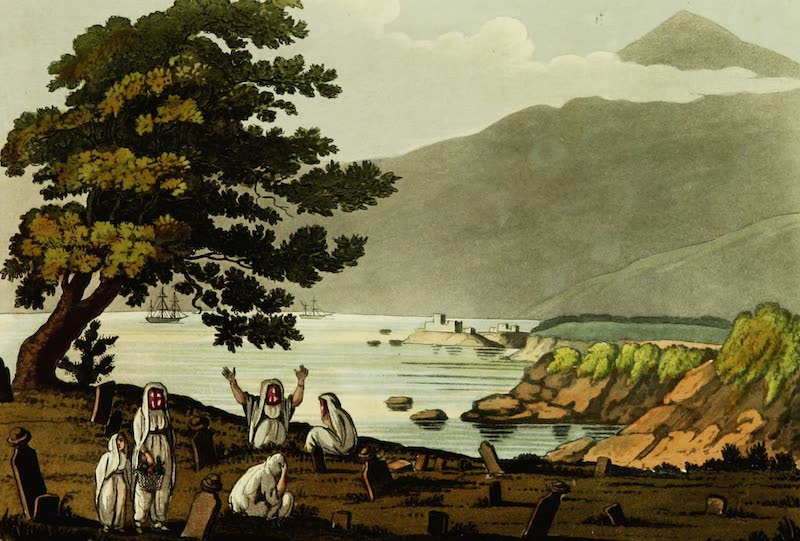 | A Burial Place at Beirut
|
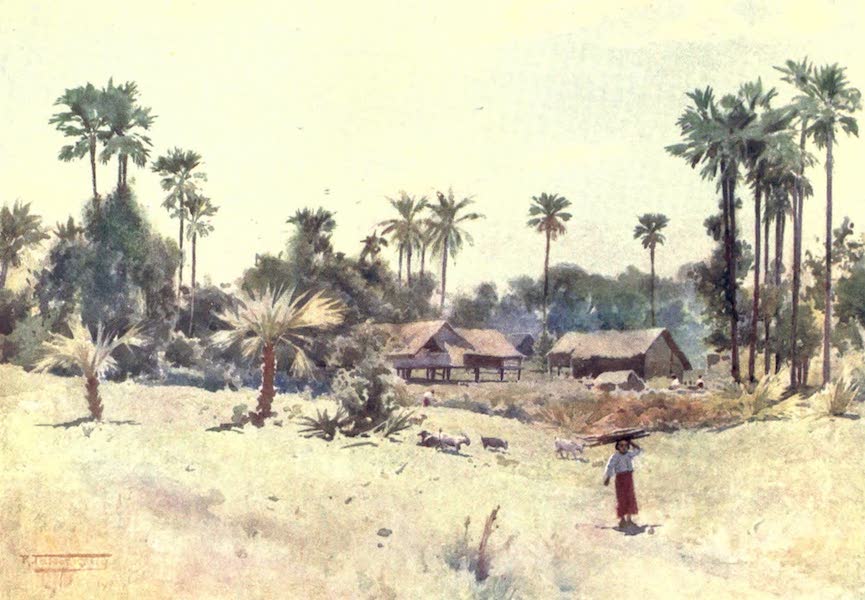 | A Burmese Hamlet
|
 | A Burmese Man
|
 | A Burmese Woman
|
 | A Bush Road
|
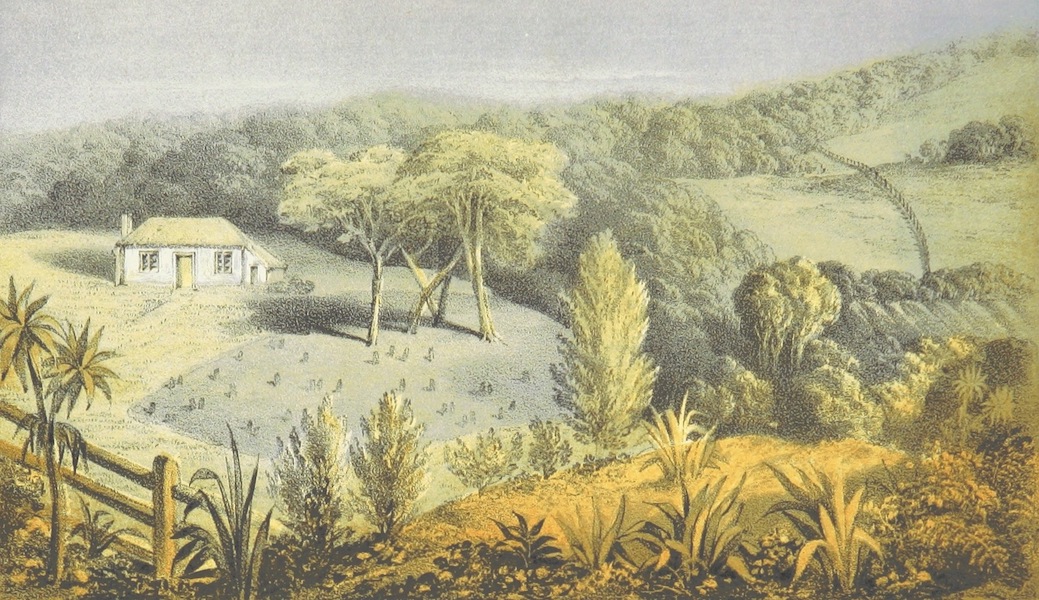 | A Bush Section on Greenland, Otago (Fox Lodge)
|
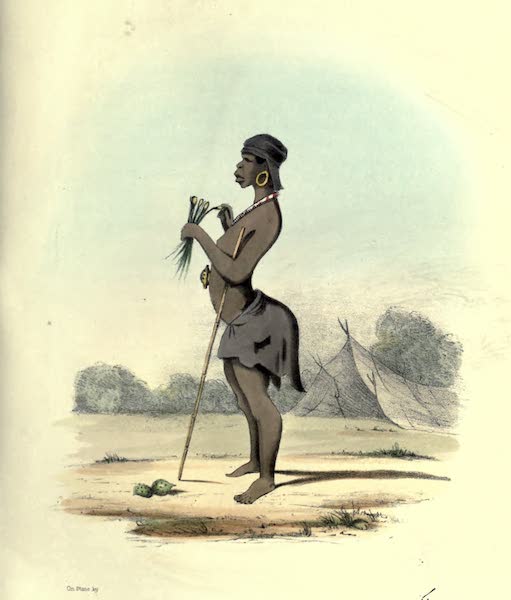 | A Bushwoman
|
 | A Busy Bazaar in Delhi
|
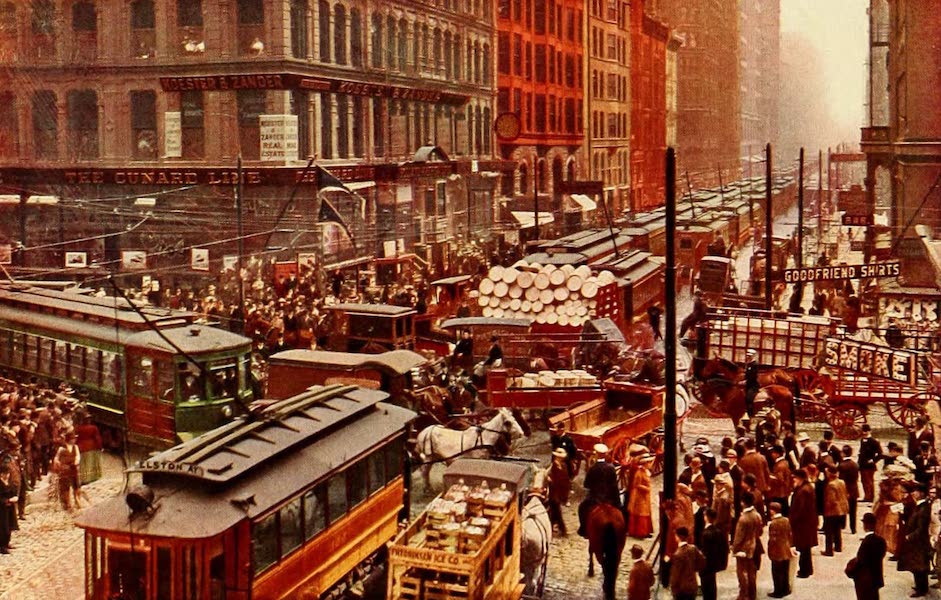 | A Busy Day on Dearborn and Randolph Streets
|
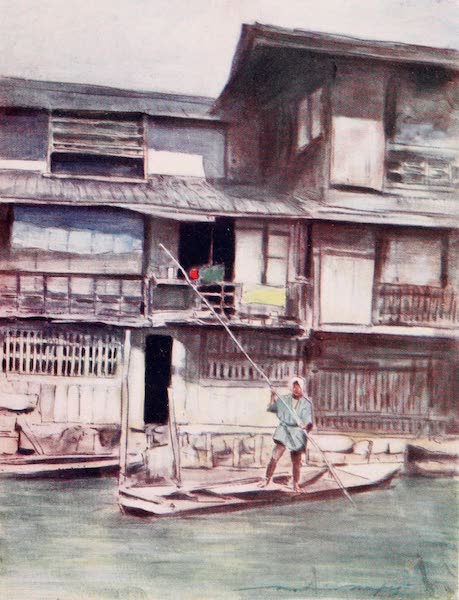 | A By-canal
|
 | A Bygone Lord Mayor's House, Austin Friars
|
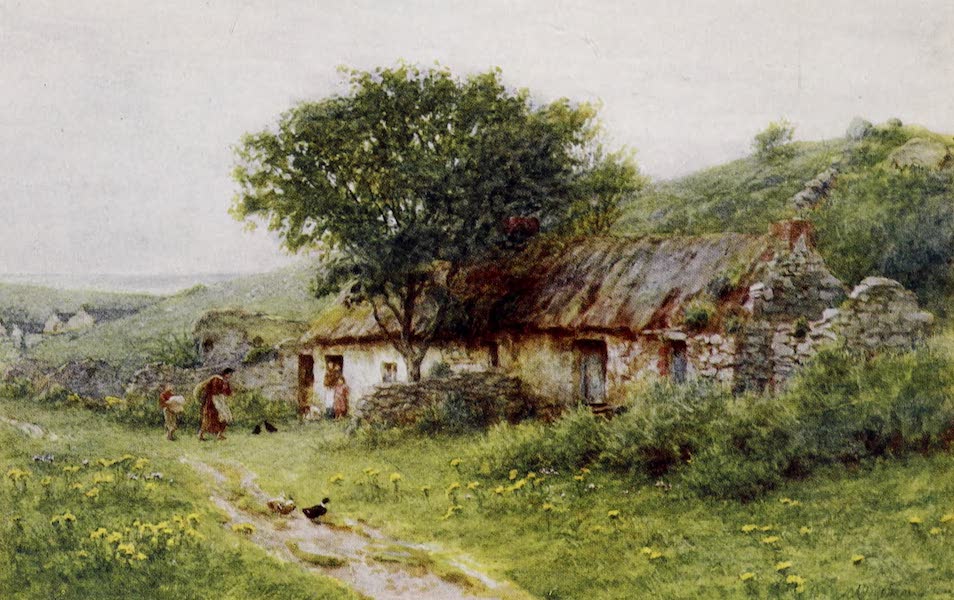 | A Cabin at Ballyshannon
|
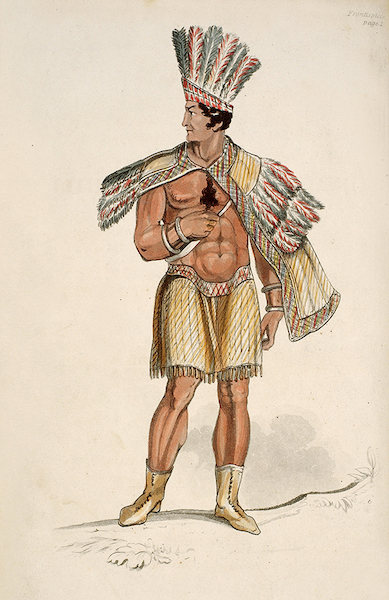 | A Cacique in his dress of ceremony
|
 | A Cafe in Ada Kaleh
|
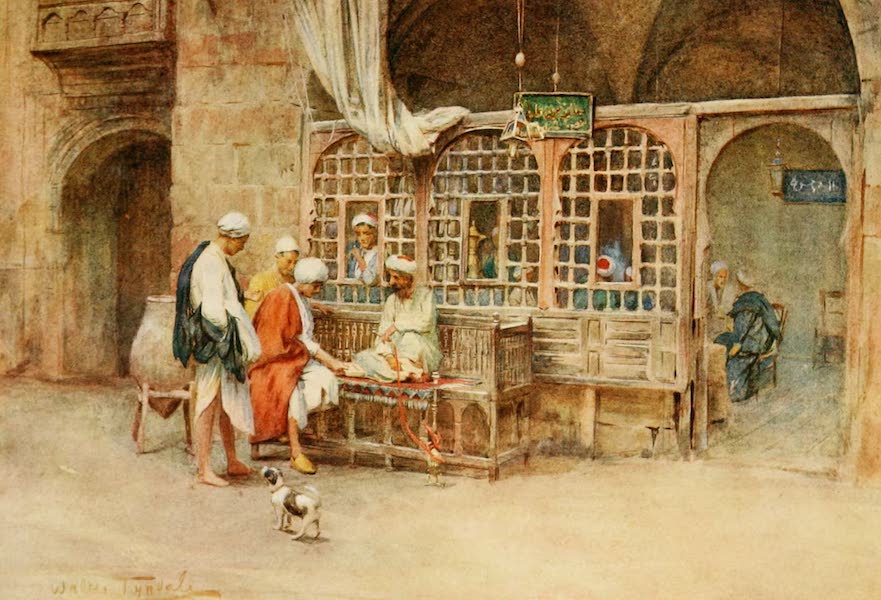 | A Cairene Cafe
|
 | A Cairo Shop
|
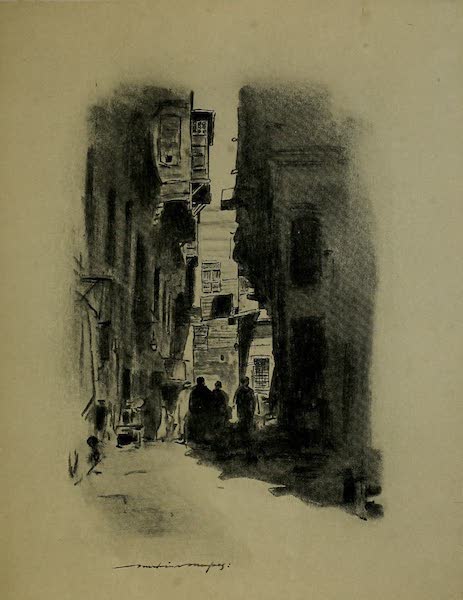 | A Cairo Street
|
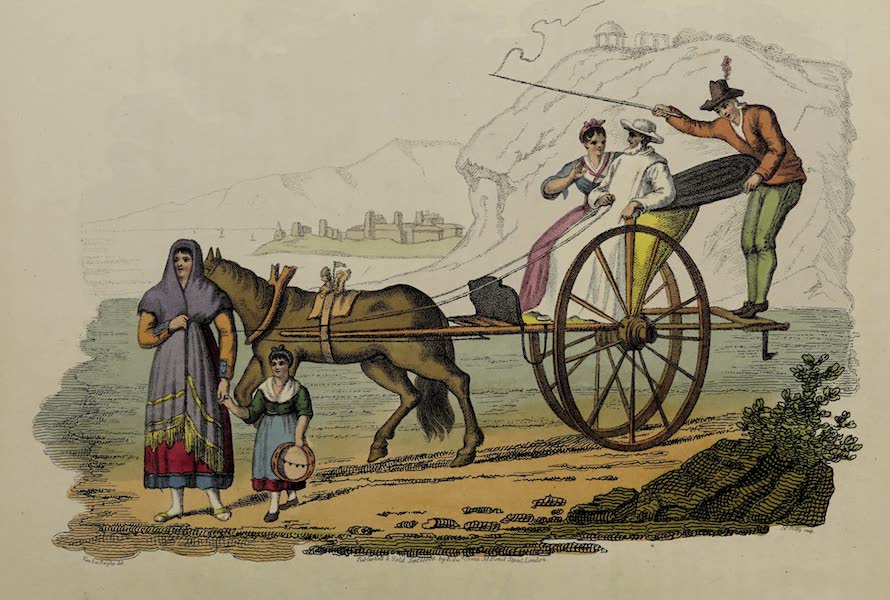 | A Calessino, or Hackney-Chaise
|
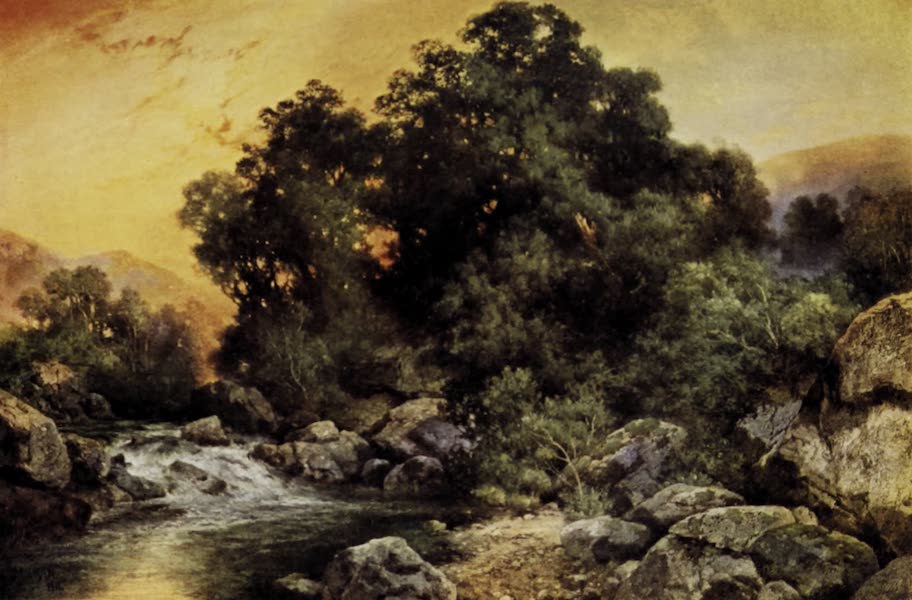 | A California Trout Stream
|
 | A Camel Rider from Kota
|
 | A Camel-Sowar of the 10th Bengal Lancers
|
 | A Campiello
|
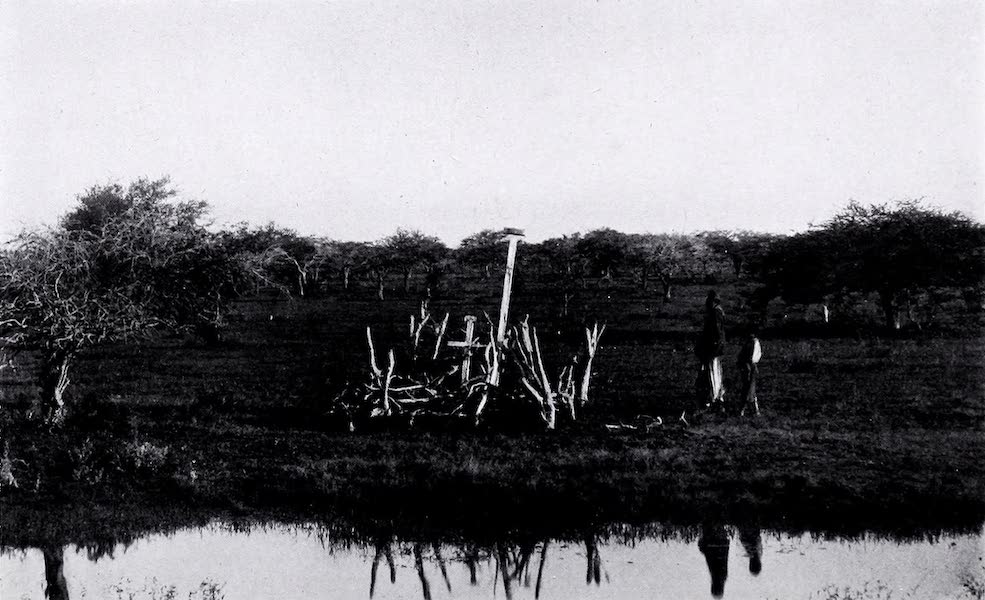 | A Campo Graveyard
|
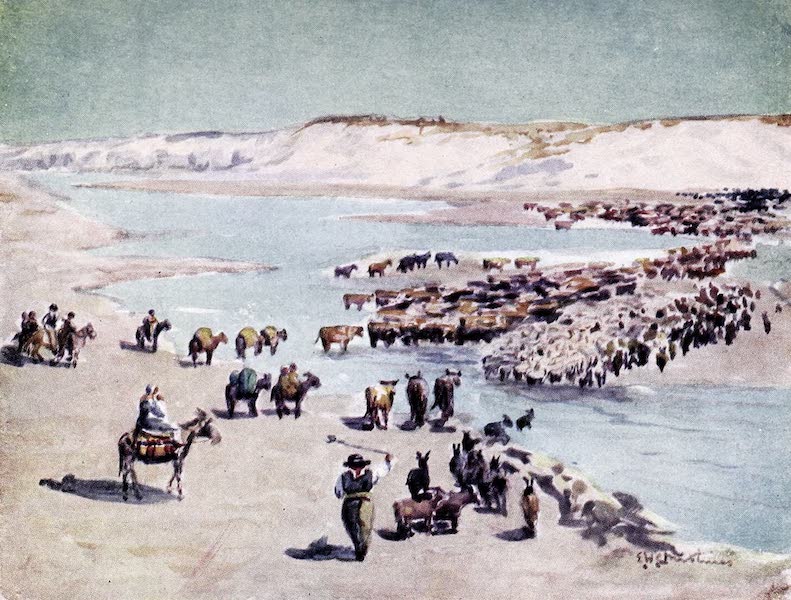 | A Campo Graveyard
|
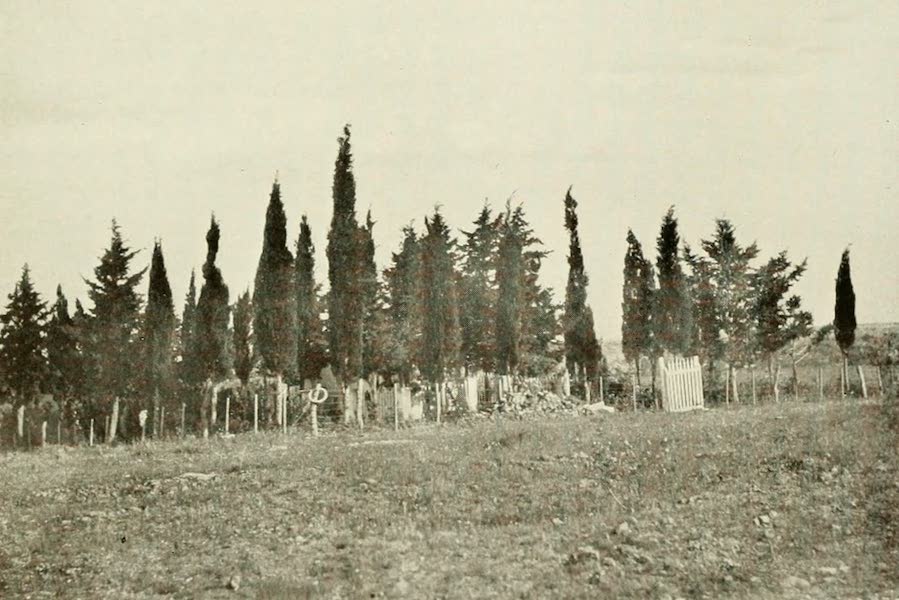 | A Campo Graveyard
|
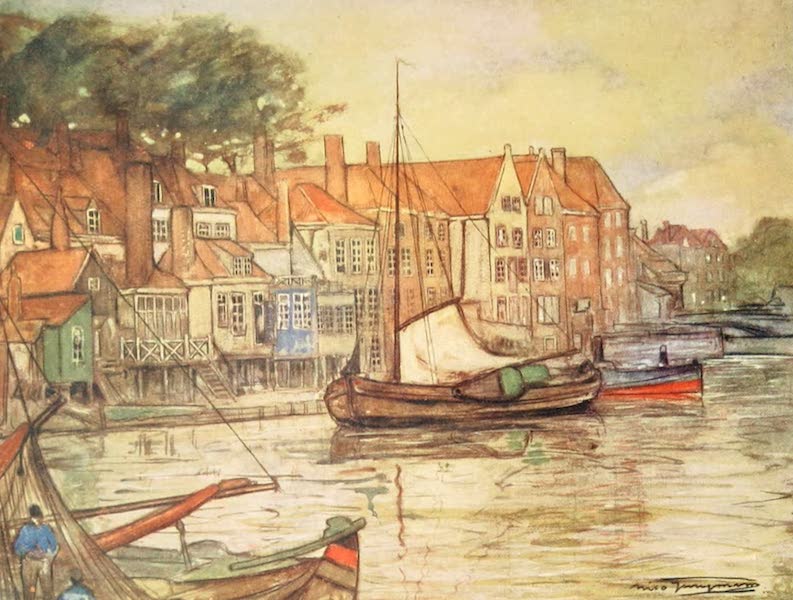 | A Canal at Middelburg
|
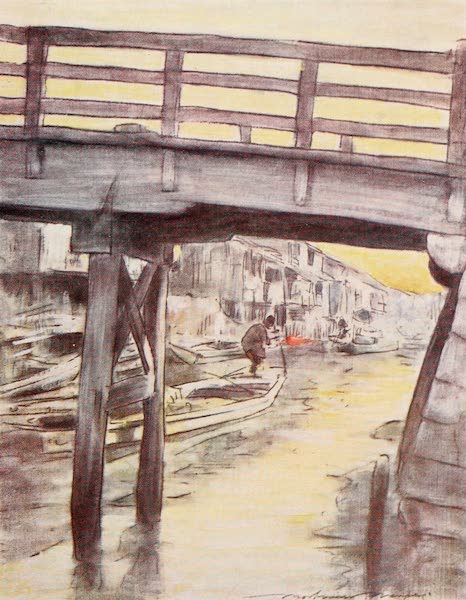 | A Canal in Osaka
|
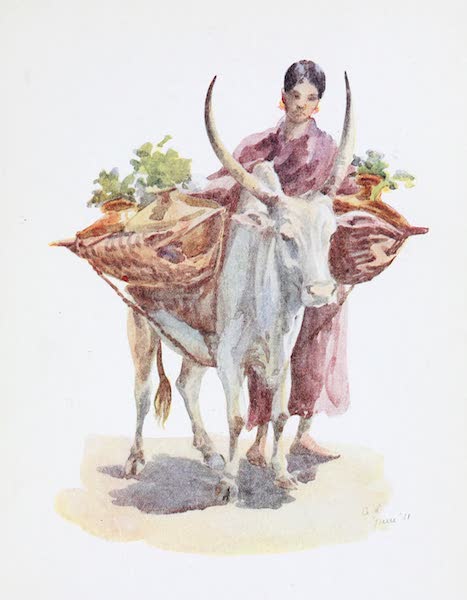 | A Canarese Water Woman
|
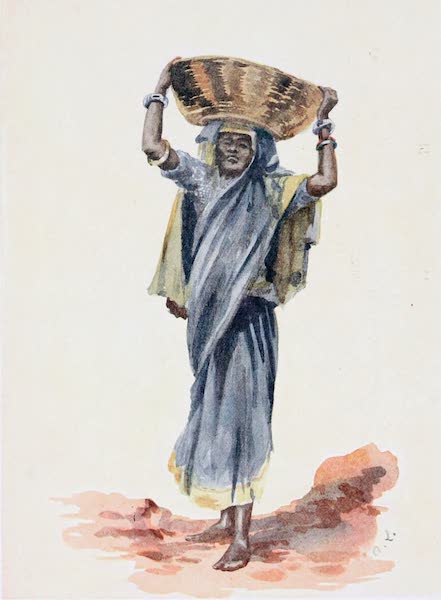 | A Canarese Woman
|
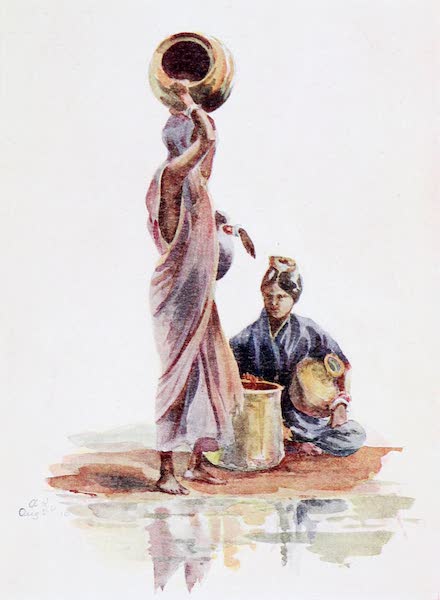 | A Canarese Woman drawing Water
|
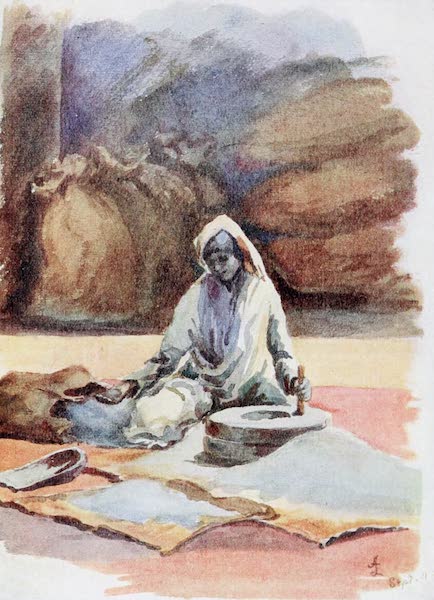 | A Canarese Woman grinding Millet
|
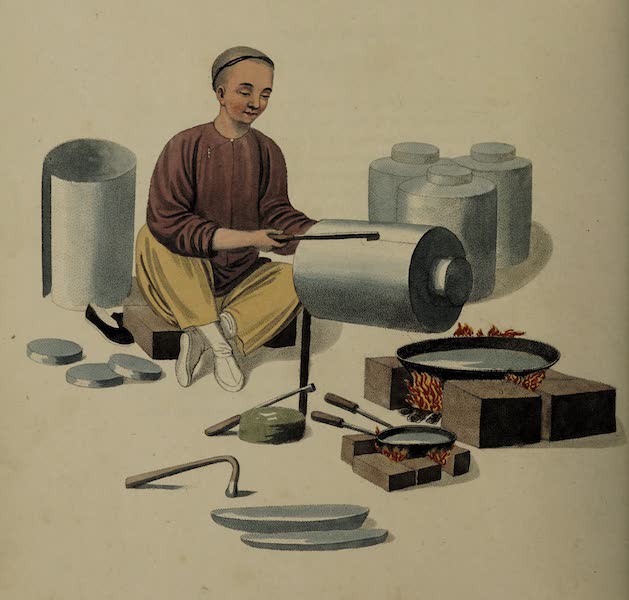 | A Canister-maker
|
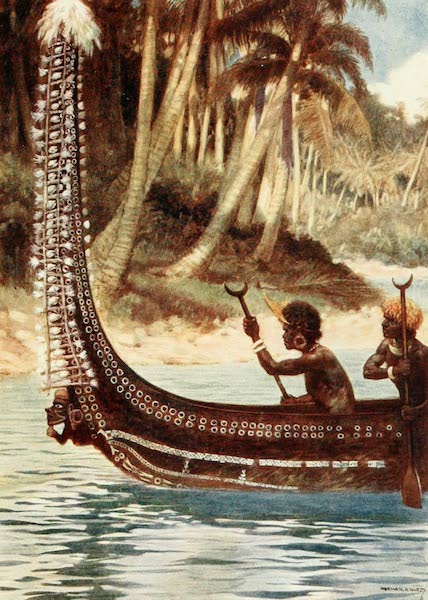 | A Canoe showing the "Totoishu," New Georgia, Solomon Islands
|
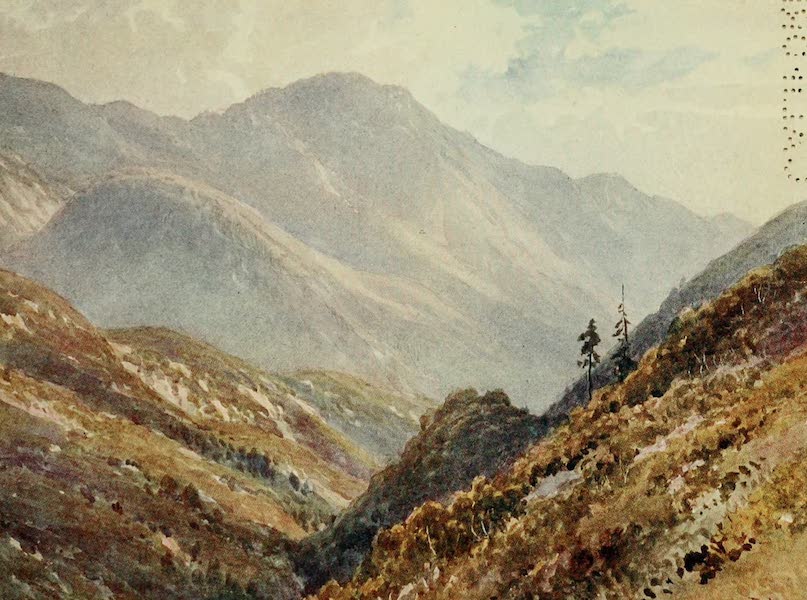 | A Canon in the Sierra Madre
|
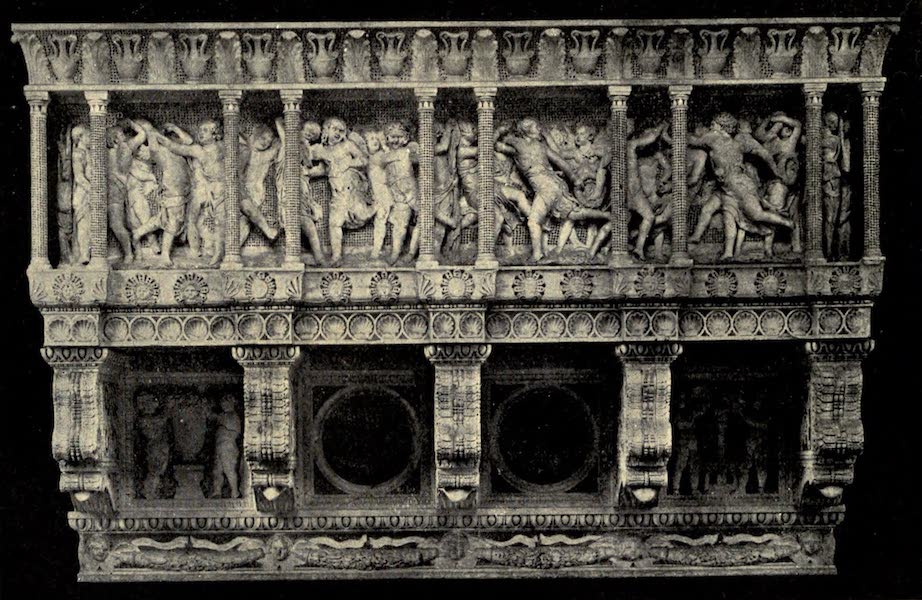 | A Cantoria. Donatello, in the Museum of the Cathedral
|
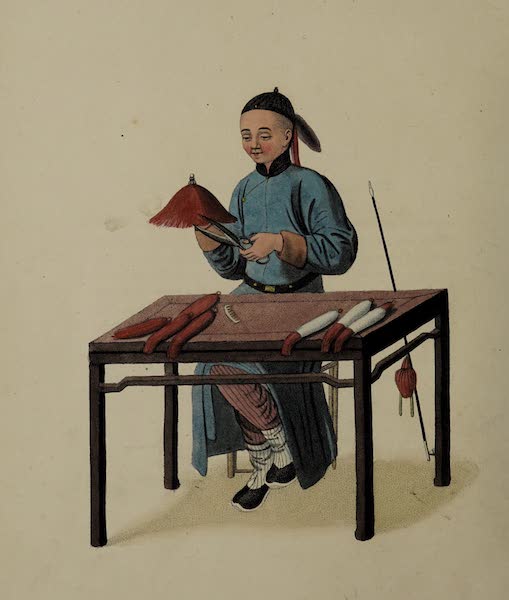 | A Cap-maker
|
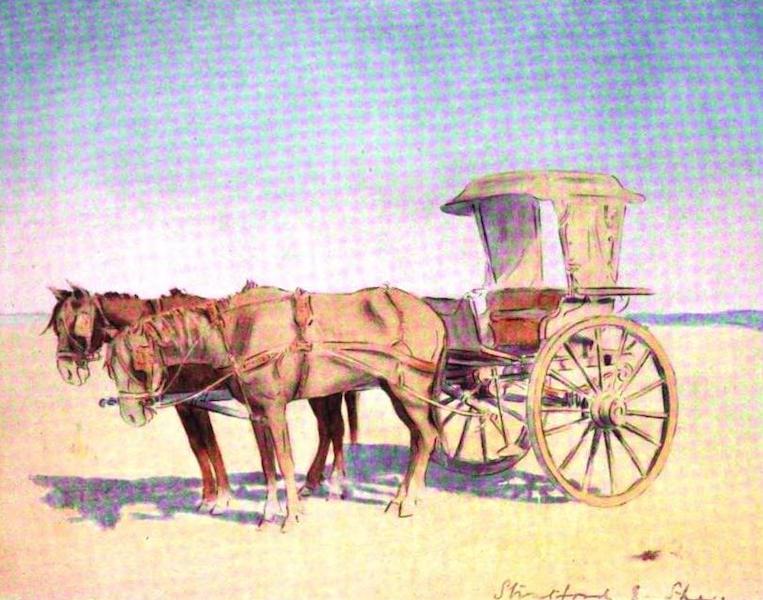 | A Cape Cart from Cronje's Laager
|
 | A Capital in the Church of San Vitale, Ravenna
|
 | A Capriote Fisherman's Wife
|
 | A Capsize off Whydah
|
 | A Captain
|
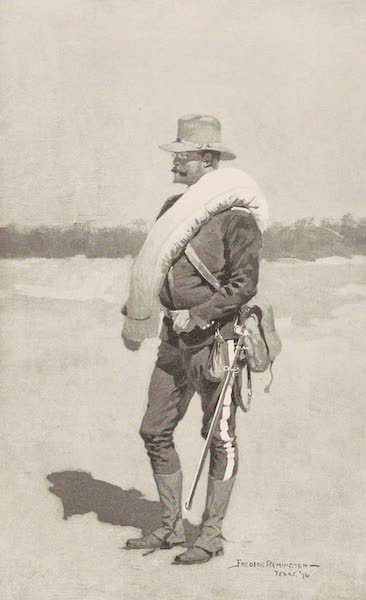 | A Captain of Infantry in Field Rig
|
 | A Capuchin Friar
|
 | A Car of Portuguese Estramadura
|
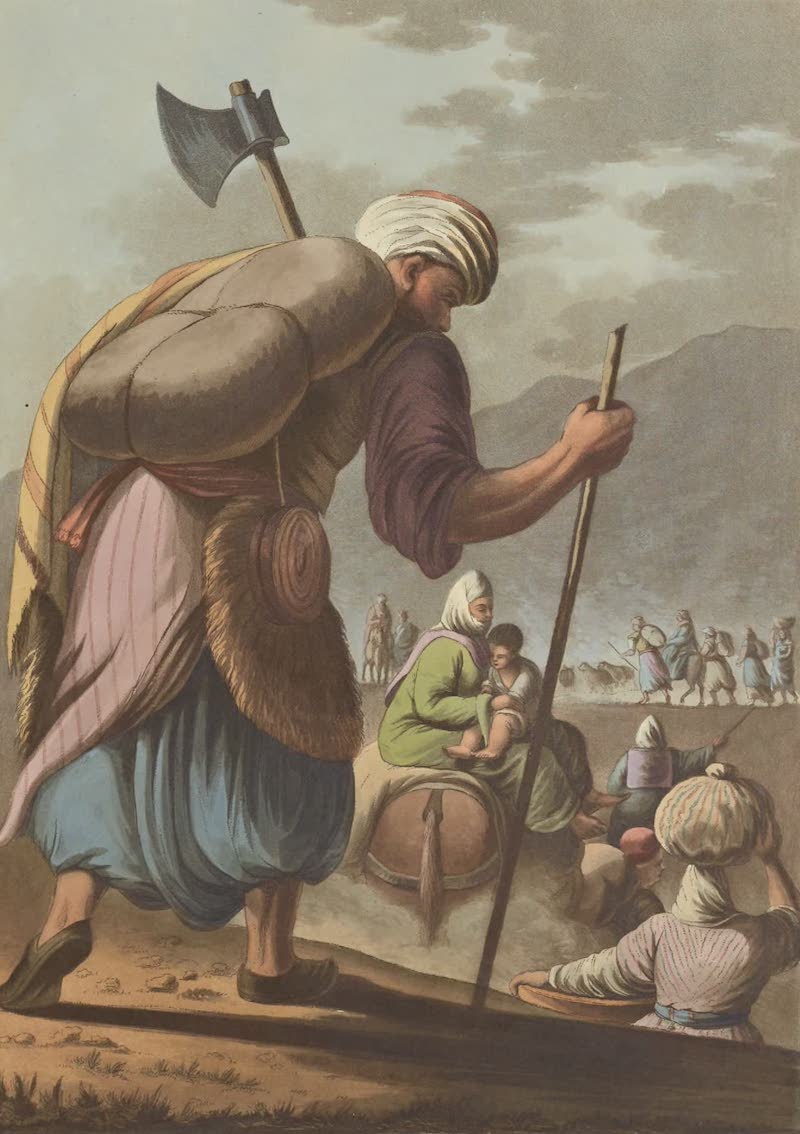 | A Caramanian Family changing it's Abode
|
 | A Caramanian Waiwode
|
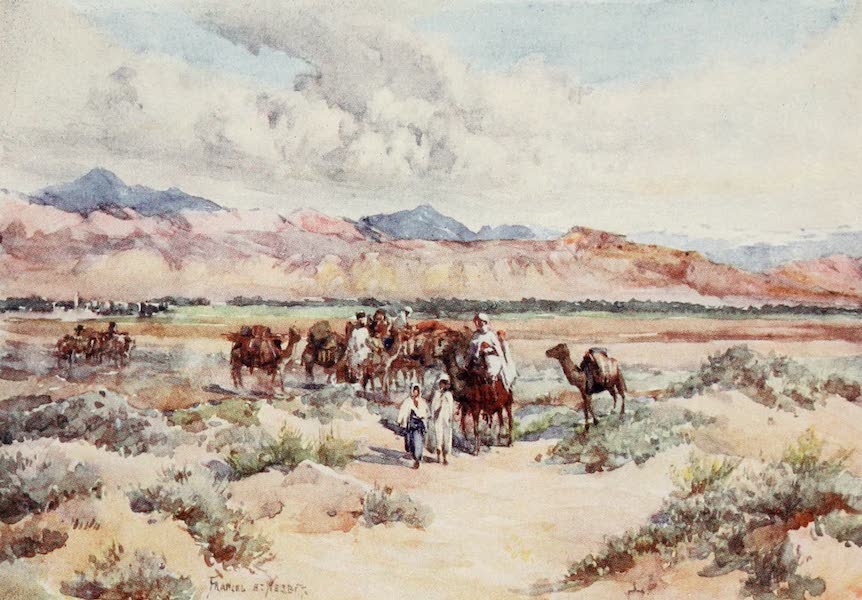 | A Caravan on the Sahara
|
 | A Cardinal in Villa d'Este
|
 | A Carlsbad Home
|
 | A Carpenter
|
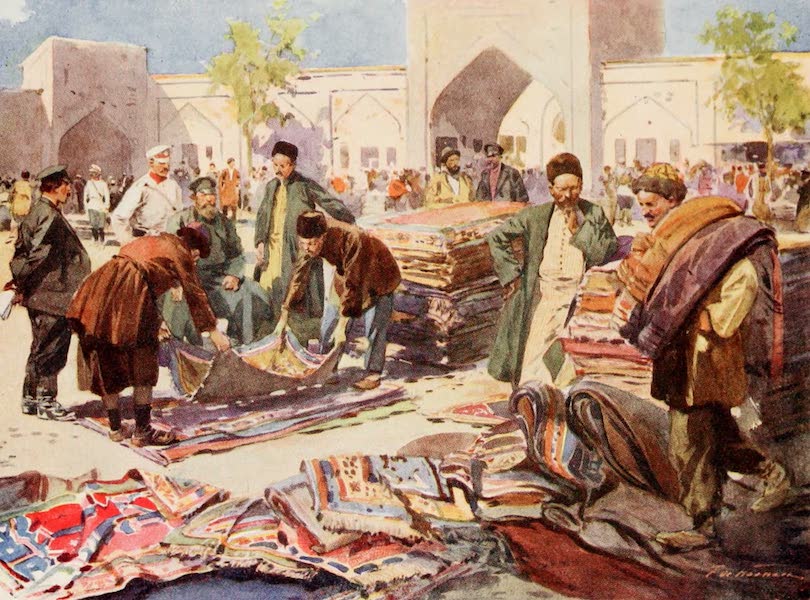 | A Carpet Fair at Astrakhan
|
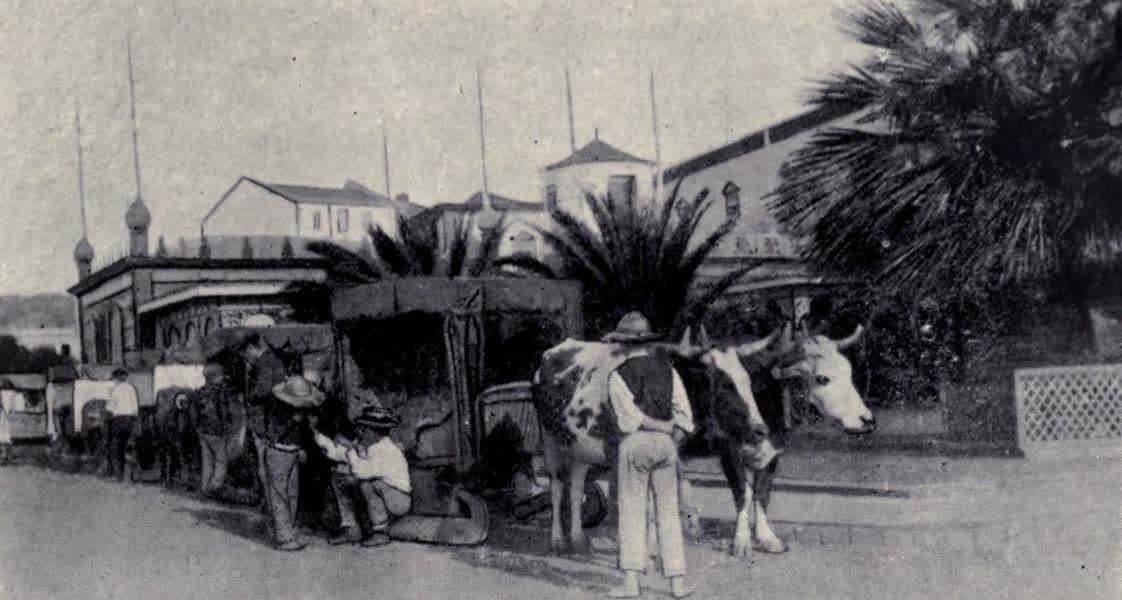 | A Carro Stand : Funchal
|
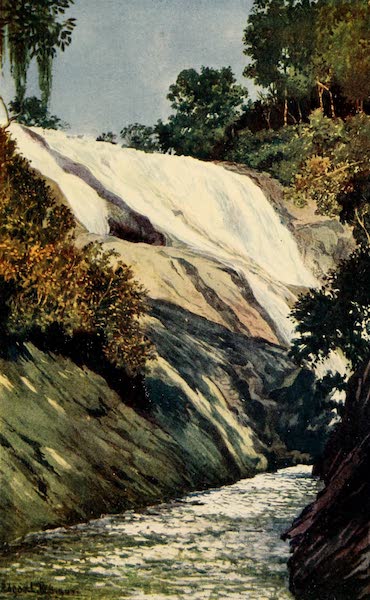 | A Cascade at Tijuca
|
 | A Casualty on the Montello
|
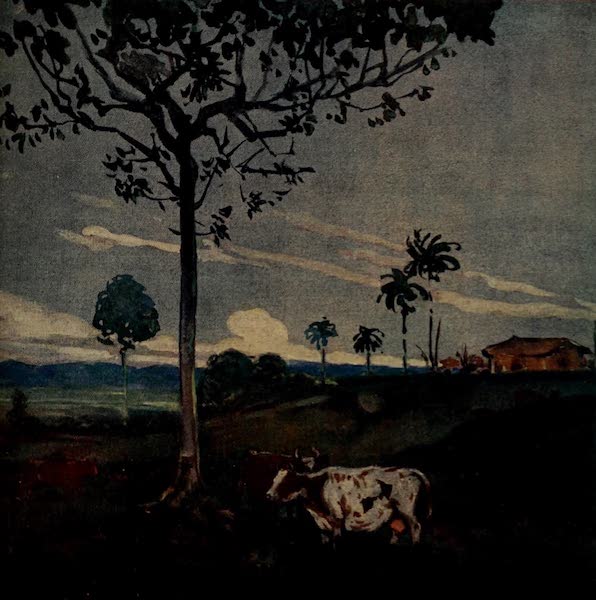 | A Cattle Camp in Parana
|
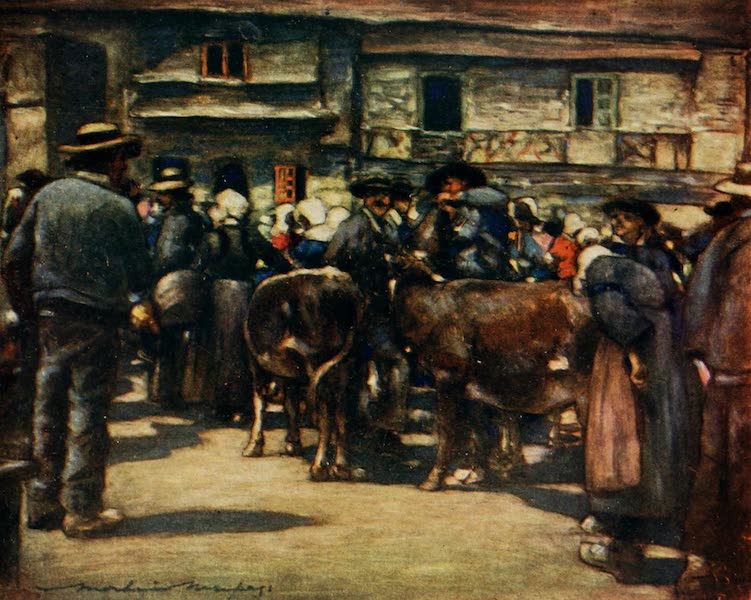 | A Cattle Market
|
 | A Cavern at Mount Circaei
|
 | A Cedar of Lebanon
|
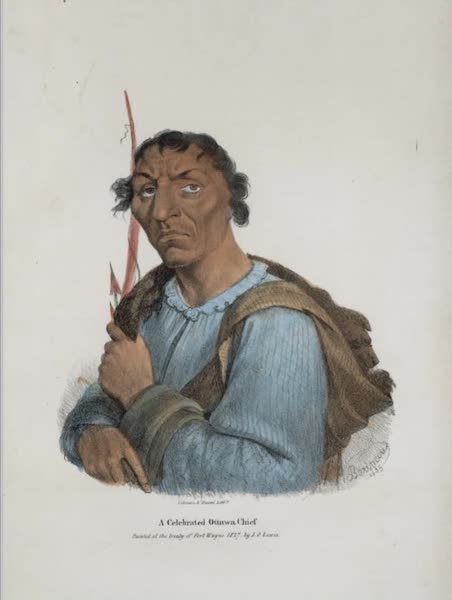 | A celebrated Ottawa Chief
|
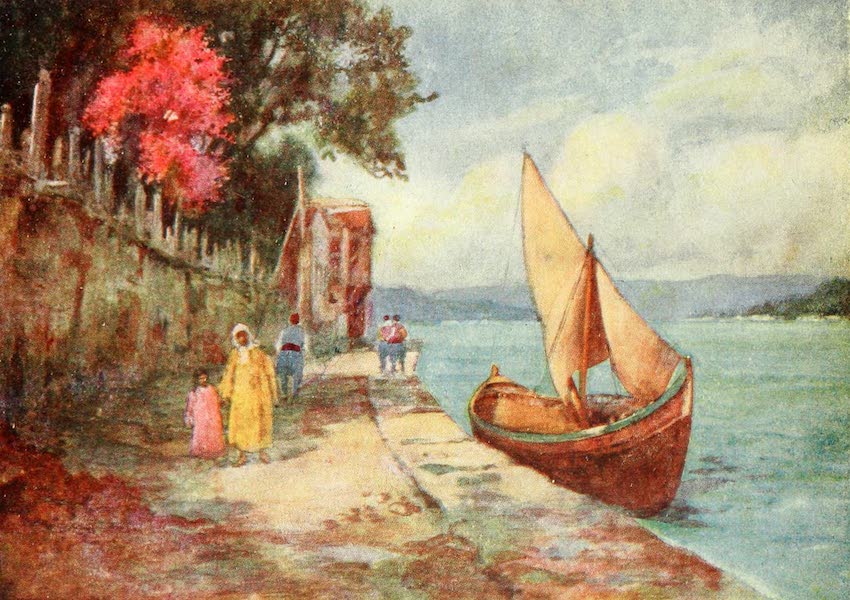 | A Cemetery by the Bosporus
|
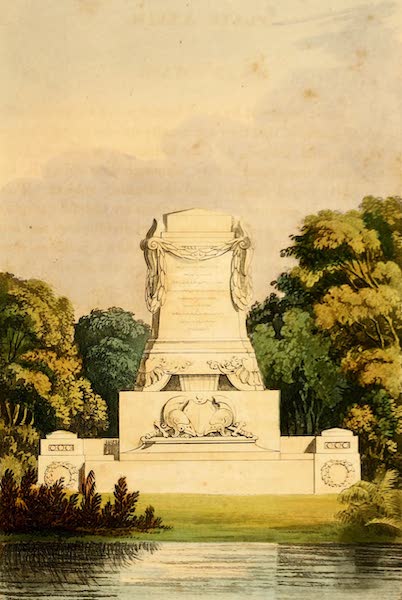 | A Cenotaph
|
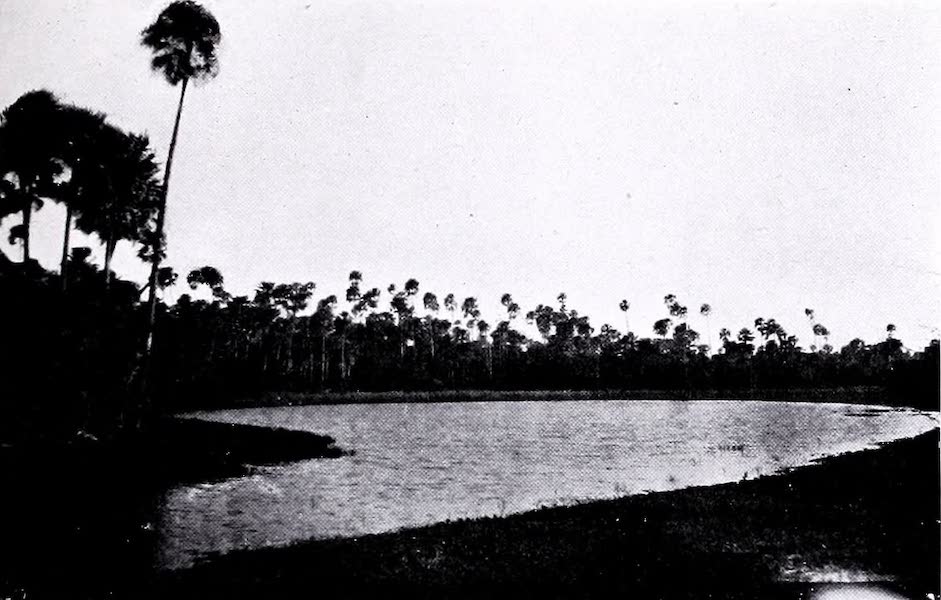 | A Chaco Lagoon
|
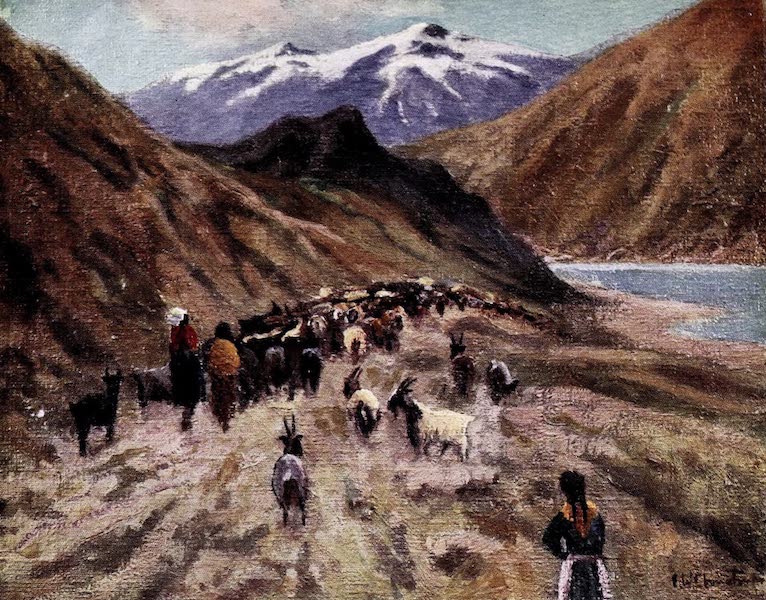 | A Chaco Lagoon
|
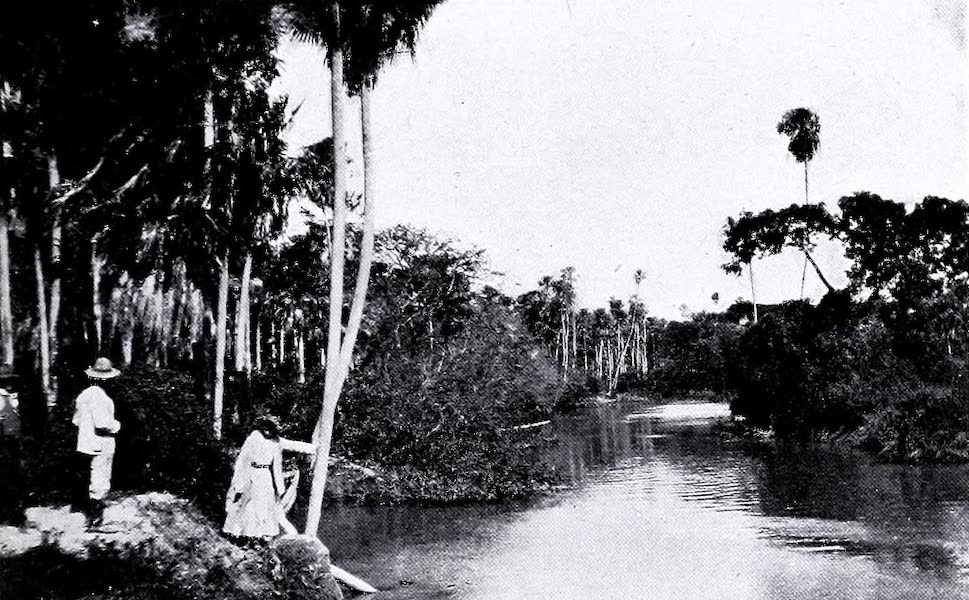 | A Chaco Stream
|
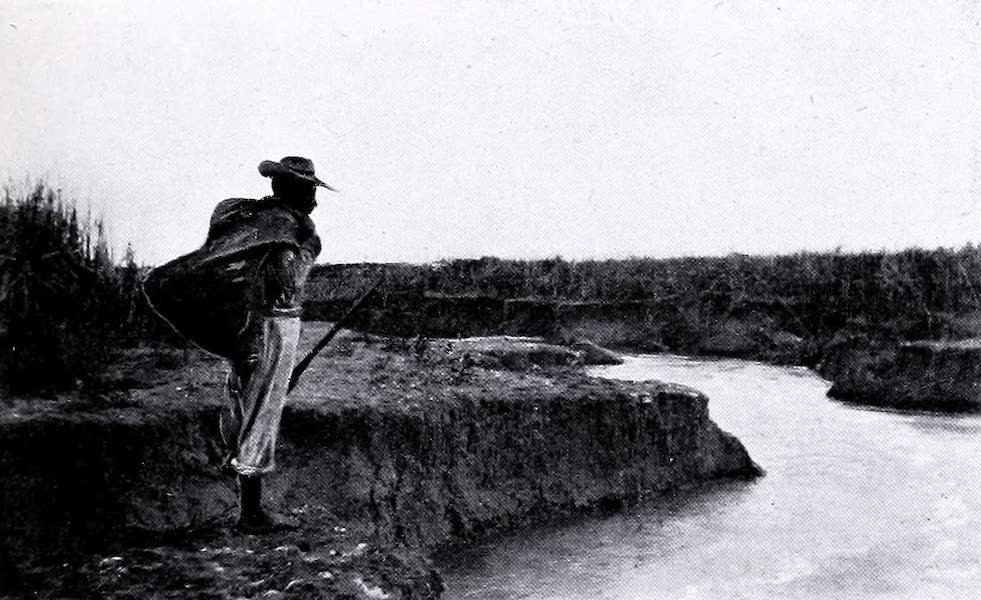 | A Chaco Stream
|
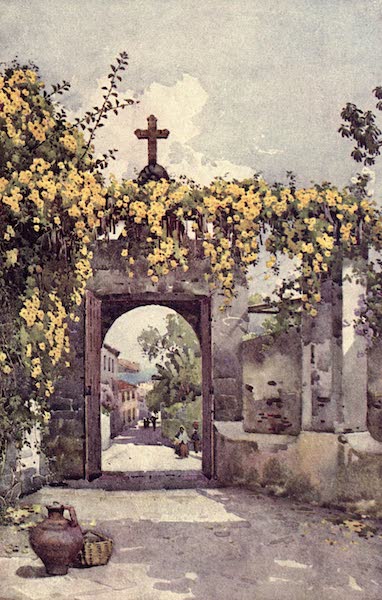 | A Chapel Doorway
|
 | A Characteristic Japanese Dance
|
 | A Charioteer (monochrome)
|
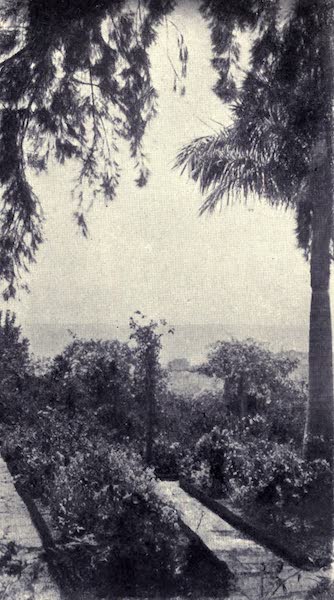 | A Charming Corner
|
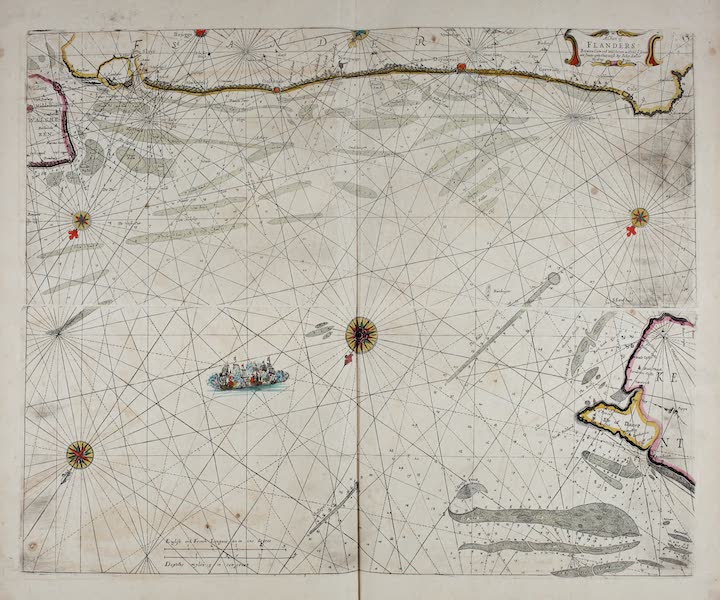 | A chart of Flanders between Calis and Walcheren
|
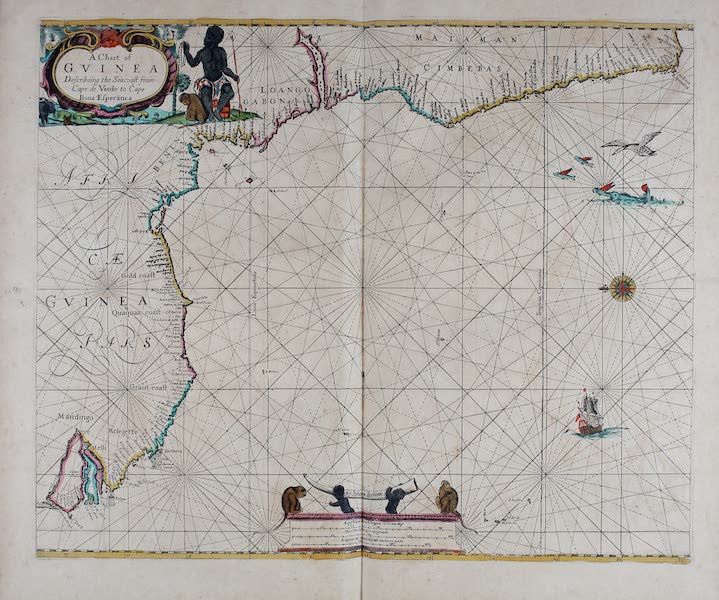 | A chart of Gvinea describeing the sea coast from Cape de Verde to Cape Bona Esperanca
|
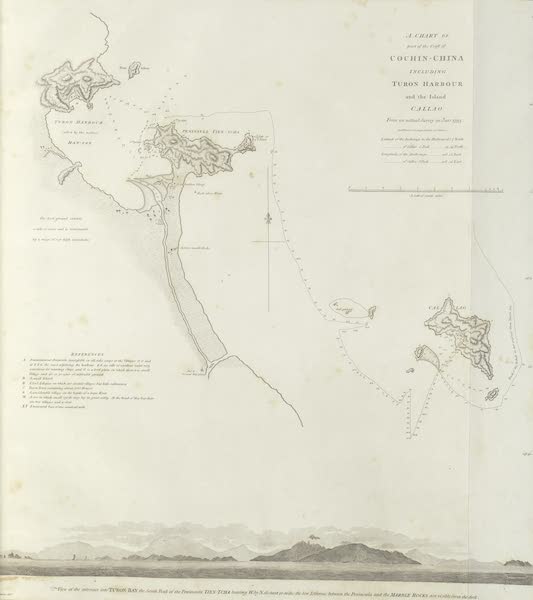 | A chart of part of the coast of Cochin-china
A chart of part of the coast of Cochin-china, including Turon harbour, and the island of Callao; to which is added, a view of the entrance into Turon bay, the southern peak of the peninsula Tien-cha, bearing west by north, distant ten miles. On approaching this peninsula from the southward or westward, the entrance into the harbour appears to lie between it and a curious group of marble rocks, which in fact are connected by a very low and narrow isthmus, not visible from the deck at the above distance of ten miles. The entrance is round the northern point of the peninsula. |
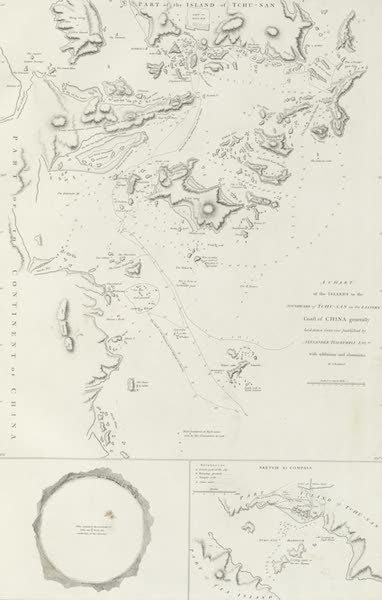 | A chart of several clusters of islands lying on the eastern coast of China
A chart of several clusters of islands lying on the eastern coast of China, usually called the Chu-san islands, with the track of the Clarence from the southernmost group, called the Quee-sans, to the harbour of Chu-san. This plate contains also a sketch of the harbour of Chu-san, taken with the compass from the anchorage of the Clarence, and the appearance of the surrounding lands, as seen from the same spot. Of these islands a chart had formerly been published ; but the situation of the Holderness rock, tho taken exactly from the journal of the ship of that name, is very erroneously marked upon it; and it is of material consequence to know its exact position ; nor is any notice taken in that chart of the rock on which the Hindostan struck ; nor the proper track laid down, thro the very intricate passages amongst those numerous islands. It was therefore thought that a new chart, with these and other alterations and additions, might not be useless to the future navigator. |
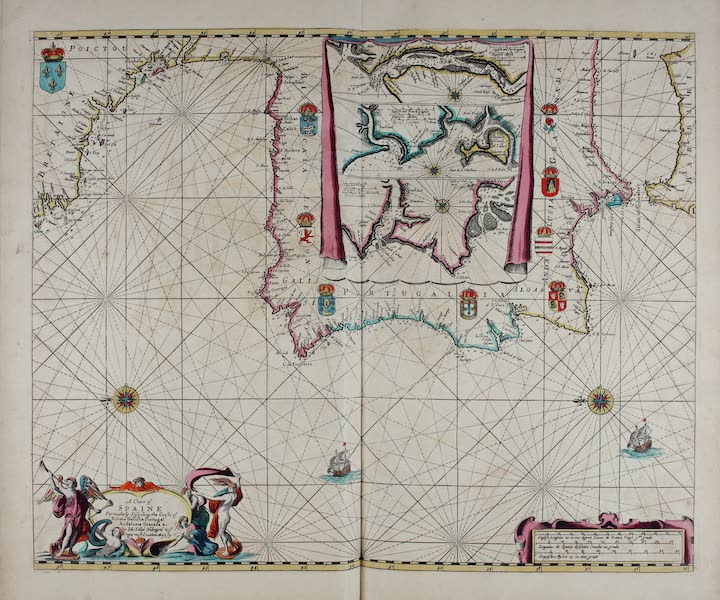 | A chart of Spaine
|
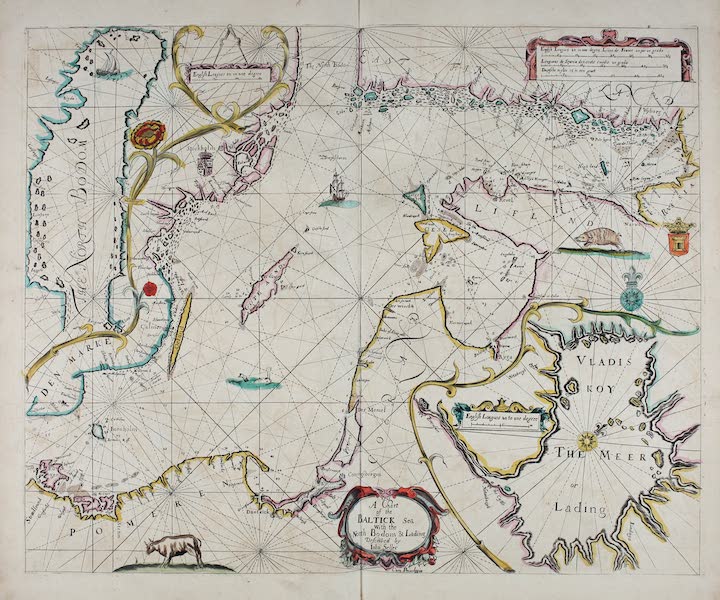 | A chart of the Baltick sea with the North Bodom & Lading
|
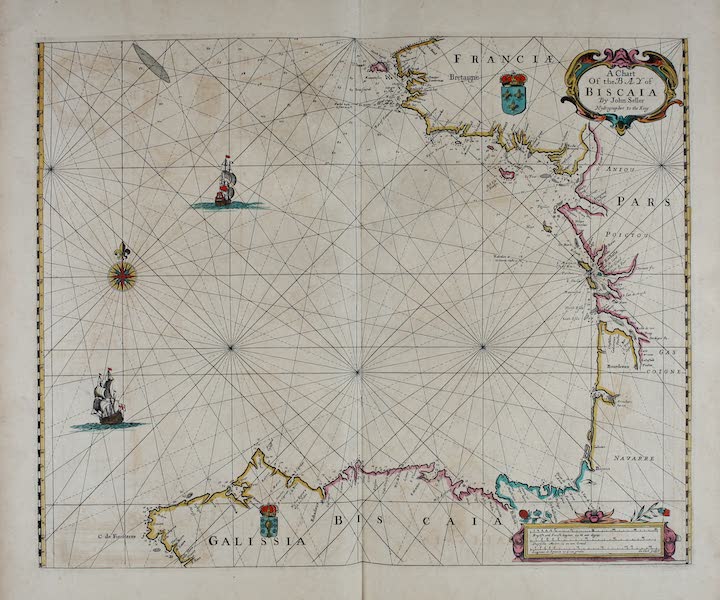 | A chart of the bay of Biscaia
|
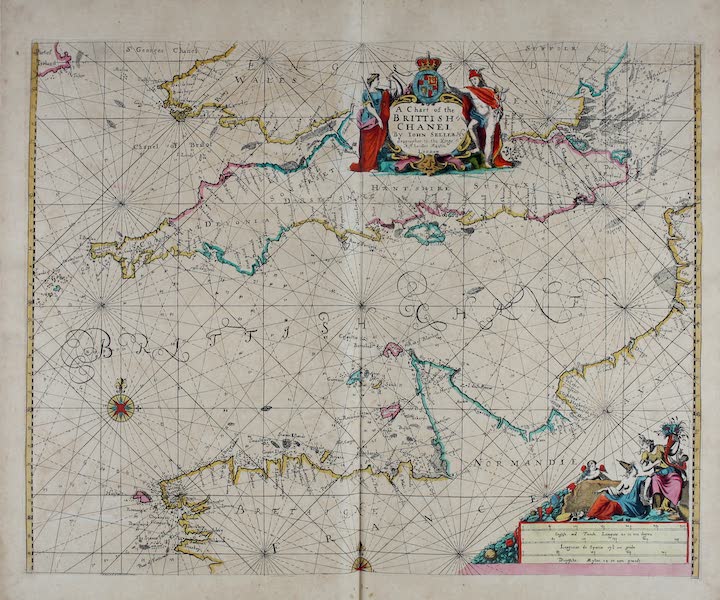 | A chart of the Brittish chanel
|
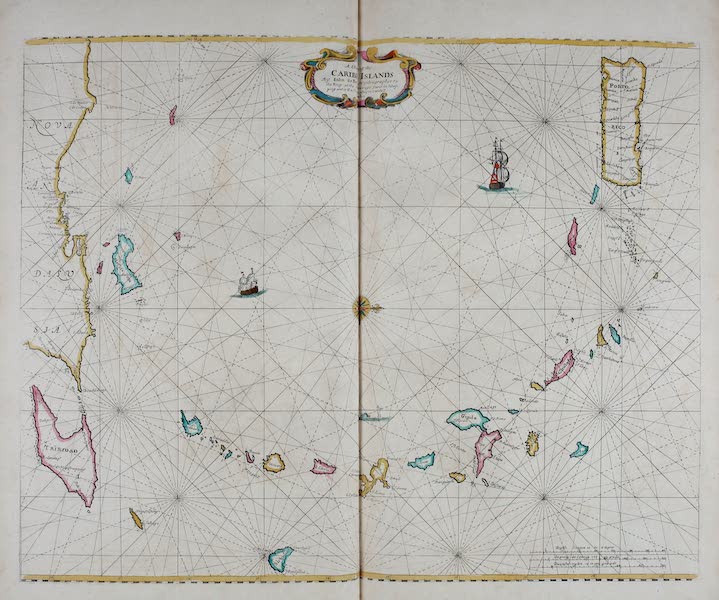 | A chart of the Caribe islands
|
 | A chart of the coasts of Barbarie, Gualata, Arguyn & Genehoa from C. Vincent to C Verd.
|
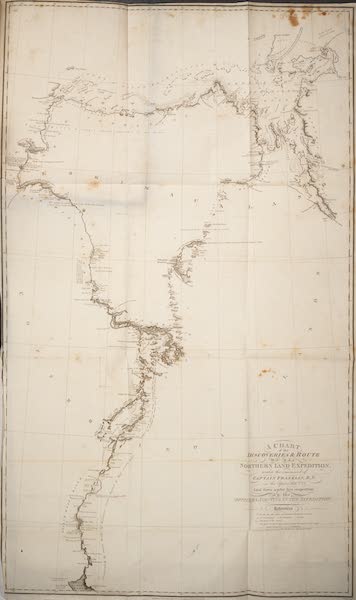 | A Chart of the Discoveries and Route of the Northern Land Expedition
|
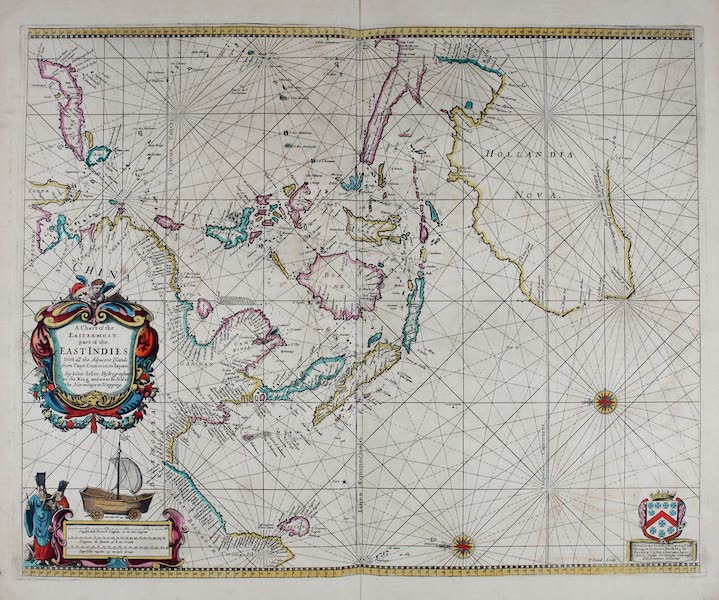 | A chart of the eastermost part of the East Indies with all the adjacent islands from Cape Comorin to lapan
|
 | A chart of the Eemes Elve -- A chart of the coast of Jutland
|
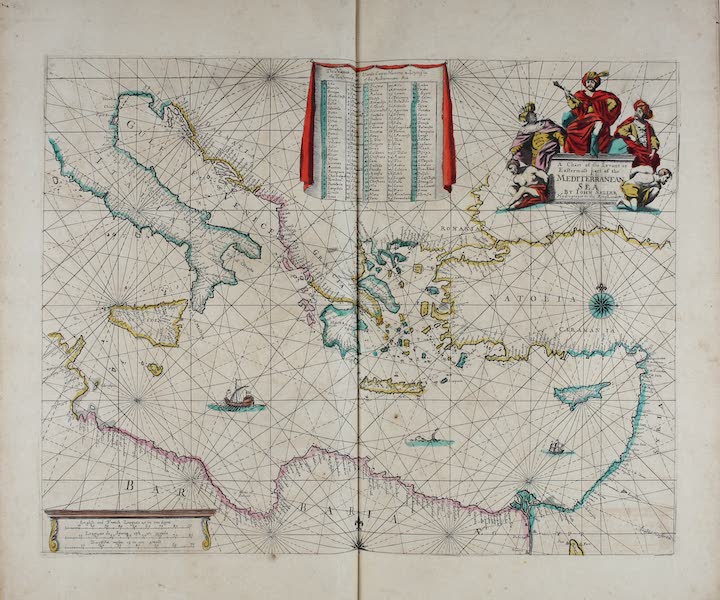 | A chart of the Levant or eastermost part of the Mediterranean sea
|
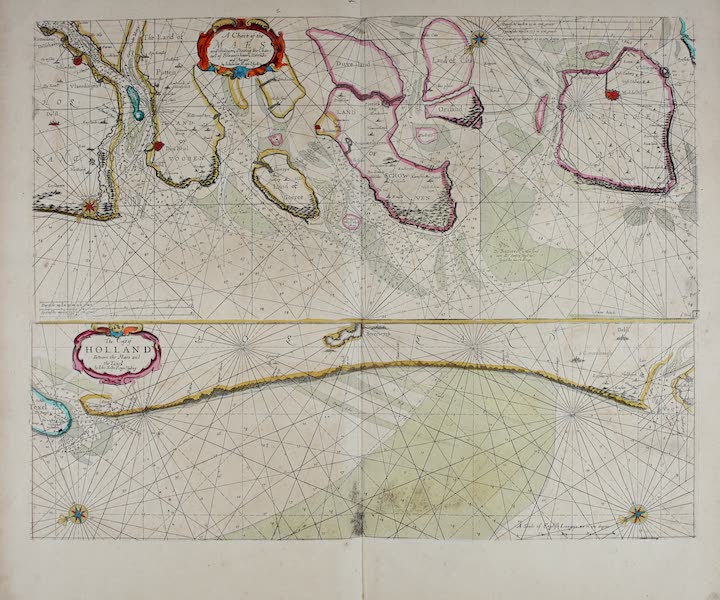 | A chart of the Maes and Wielingen -- The coast of Holland between the Maes and Texel
|
 | A chart of the Narrow seas
|
 | A chart of the north coast of England, from Yarmouth to Cocket Island -- A description of the east coast of Scotland
|
![A chart of the north part of America -- [Inset] A polar projection describing ye northermost parts of the world](https://historyarchive.org/images/books/books-a/atlas-maritimus-or-a-book-of-charts-1672/plates/27-a-chart-of-the-north-part-of-america.jpg) | A chart of the north part of America -- [Inset] A polar projection describing ye northermost parts of the world
|
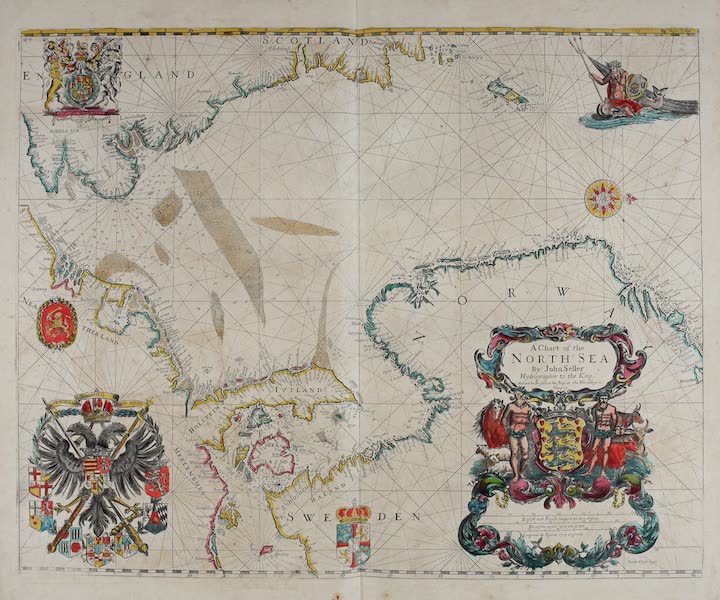 | A chart of the North sea
|
 | A Chart of the Pelew Islands and Adjacent Seas
|
 | A chart of the sea coast of Brazil from Cape St. Augustine to the straights of Magellan
|
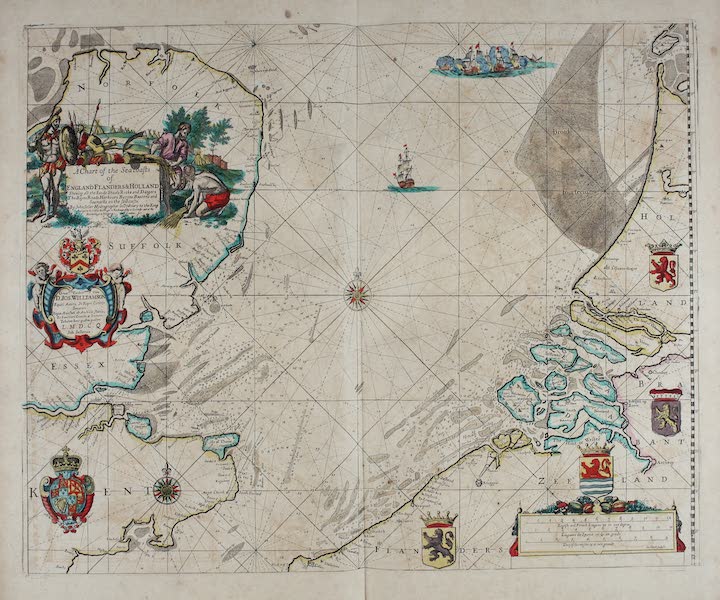 | A chart of the sea coasts of England Flanders and Holland
|
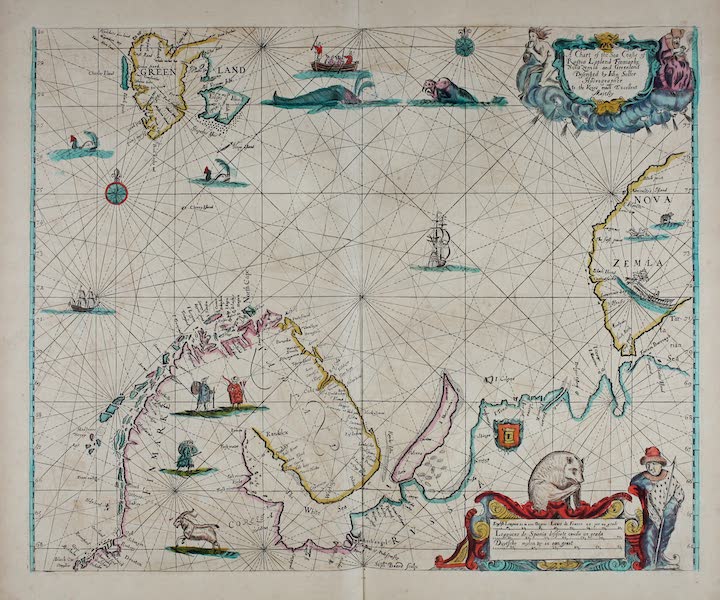 | A chart of the sea coasts of Russia, Lapland, Finmarke, Nova Zembla and Greenland
|
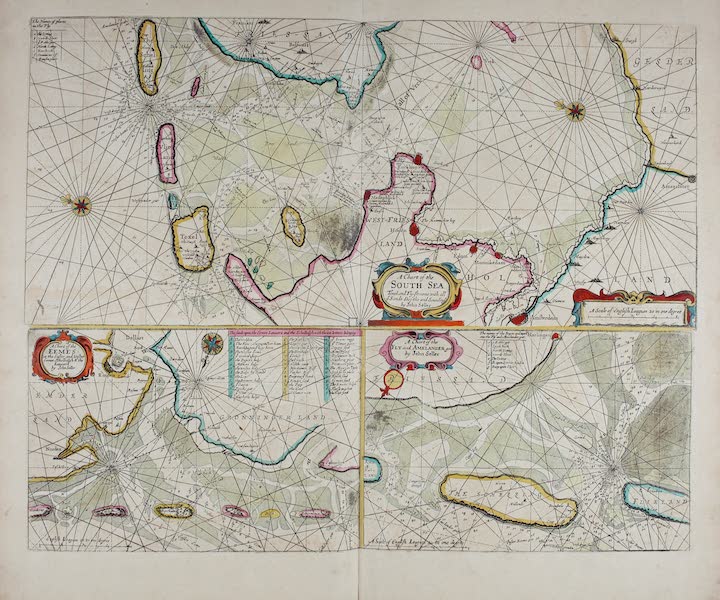 | A chart of the South sea, Texel and Fly-stream -- A chart of the Eemes -- A chart of the Fly and Amerlander gat
|
 | A chart of the South-sea
|
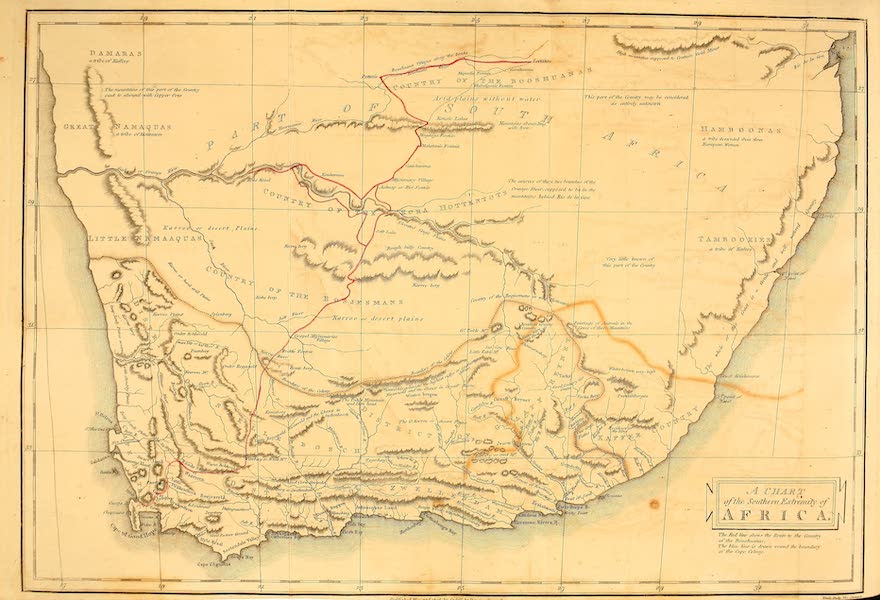 | A chart of the Southern Extremity of Africa
|
 | A chart of the Tartarian sea from Nova Zemla to lapan
|
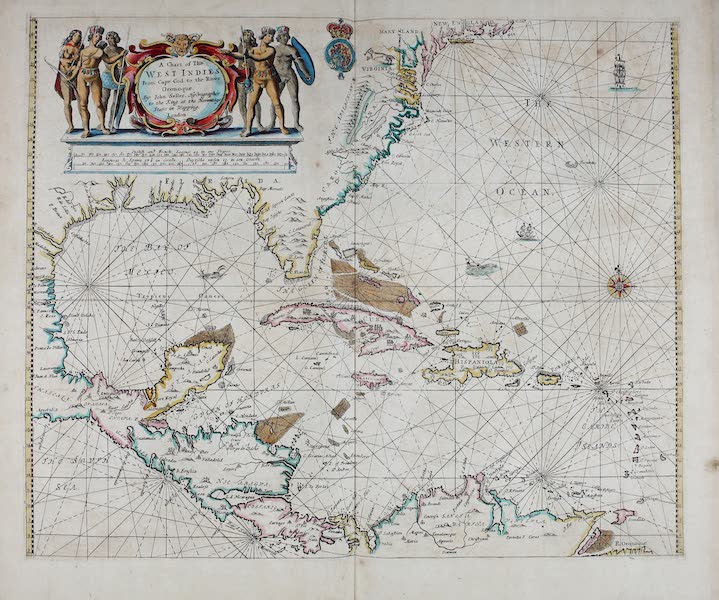 | A chart of the West Indies from Cape Cod to the river Oronoque
|
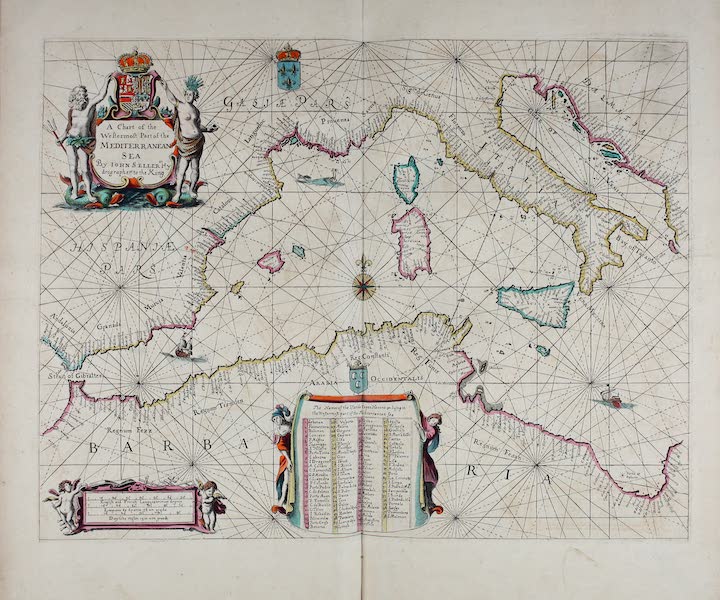 | A chart of the westermost part of the Mediterranean sea
|
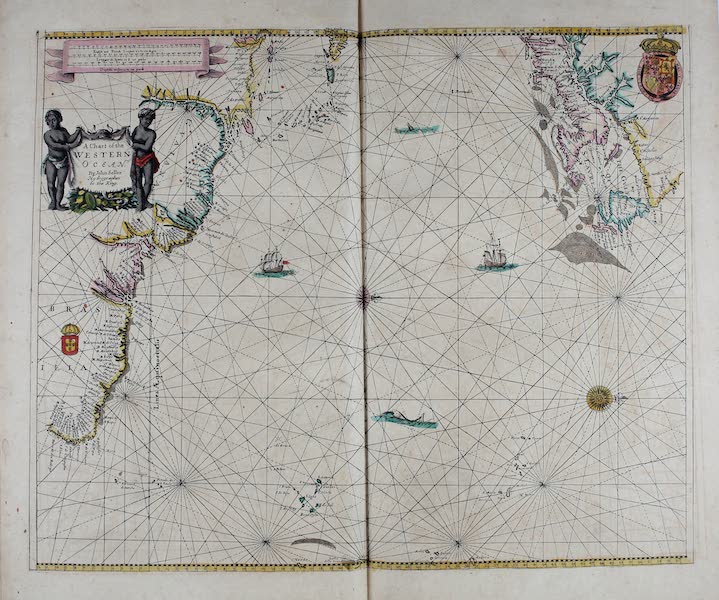 | A chart of the western ocean
|
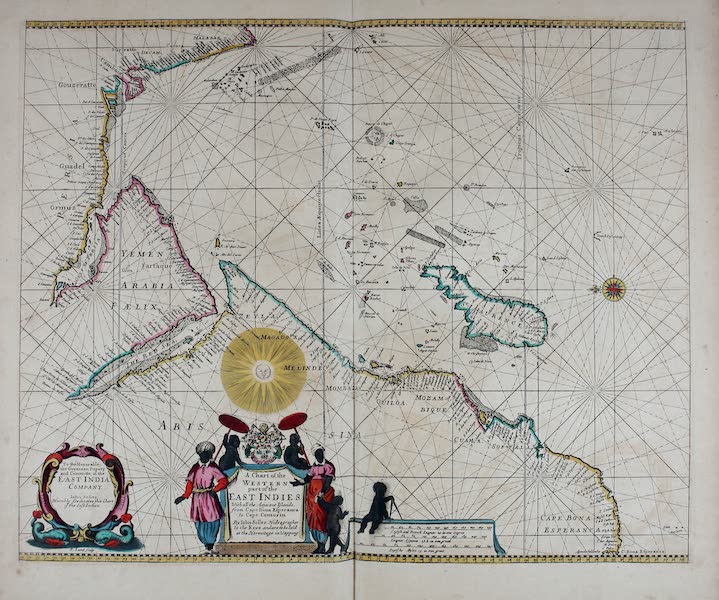 | A chart of the western part of the East Indies, with all the aejacent islands from Cape Bona Esperanca to Cape Comorin
|
 | A chart on Mercator's projection, containing the track and soundings
A chart on Mercator's projection, containing the track and soundings of the Lion, Hindostan, and tenders, from Turon bay in Cochinchina to the mouth of the Pei-ho river in the gulf of Pe-che-lee, or Pekin. As a great part of this track, namely, from the Chu-san islands to the western extremity of the gulf of Pe-che-lee, or Pekin, was never before navigated by European vessels, at least no accounts are extant of such navigation, particular pains were in this instance taken to ascertain the squadron's exact situation at noon of each day, as to latitude by meridional, or, when the weather was unfavourable for these, by double altitudes ; and as to longitude, either by the mean of several time-keepers, whose rate of going had been determined near Nicholas point on the island ofJava; or by observations of the distance of the moon's limb from the sun or fixed stars, taken by several persons at the same time, whenever the weather and situation of the objects would admit of it. Several sets of these being taken directly opposite, and in sight of, the bold projecting promontory of Shan-tung, and also when the squadron was afterwards at anchor near the mouth of the Pei-ho in the gulf of Pekin, it may be presumed that these situations, as well as indeed the whole track, are laid down with a tolerable degree of exactness. |
 | A Chart Shewing the Moves of the Mandan and the Place of Their Extinction
|
 | A Cheap Ride
|
 | A Cheshire Cottage, Alderley Edge
|
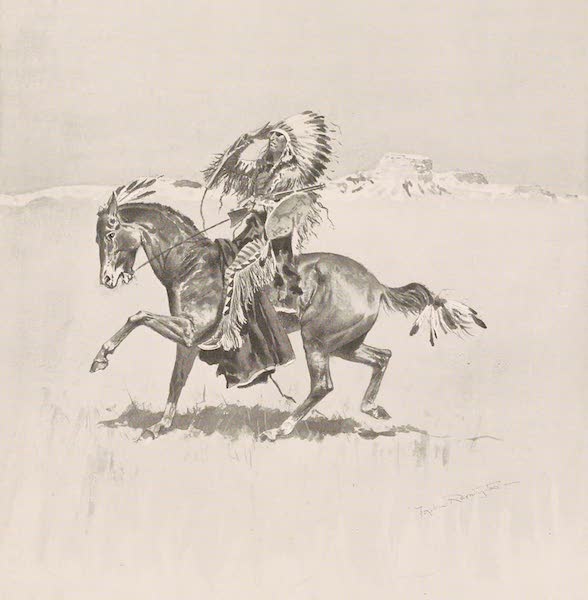 | A Cheyenne Warrior
|
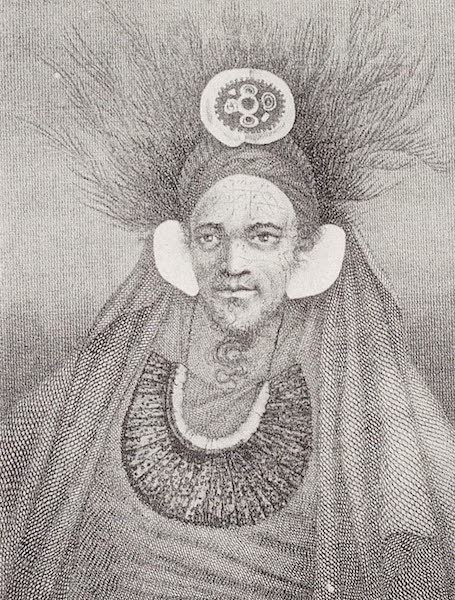 | A Chief at St. Christina in the Marquez as Archipelago
|
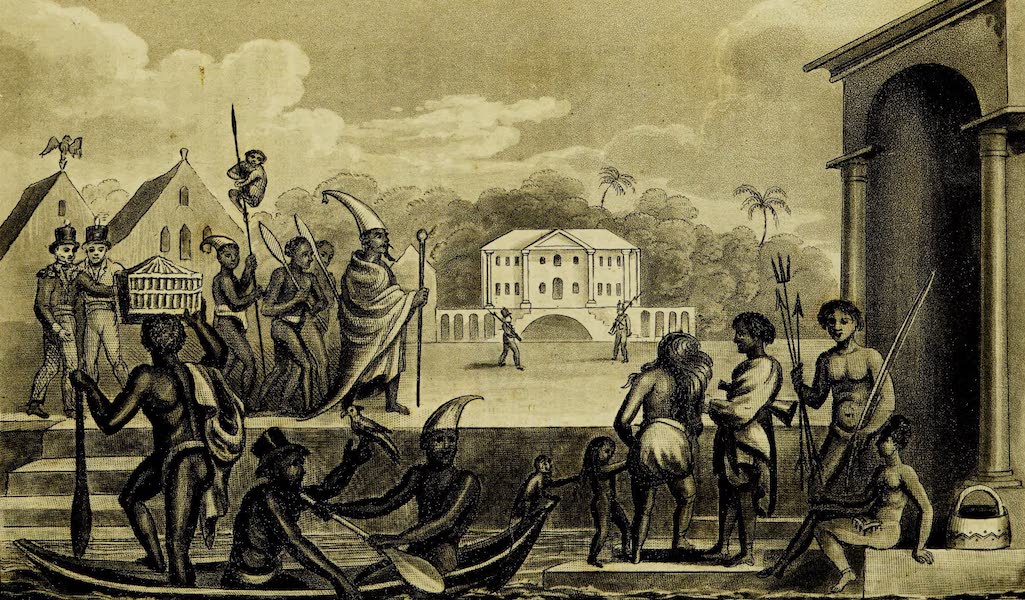 | A Chief of the Bosjesmans or Bush Negroes on a Visit to the Governor of Paramaribo Arwawkas, and Charibes or Caribbee Indians at Surinam
|
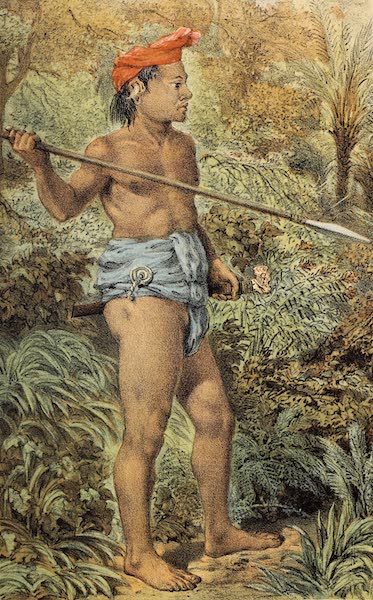 | A Chief of the Forest People
|
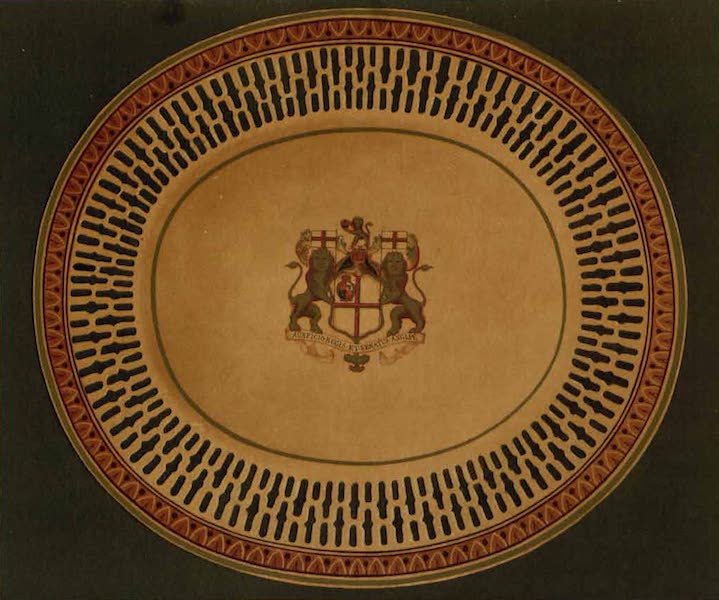 | A China Dish with the Company's Arms
|
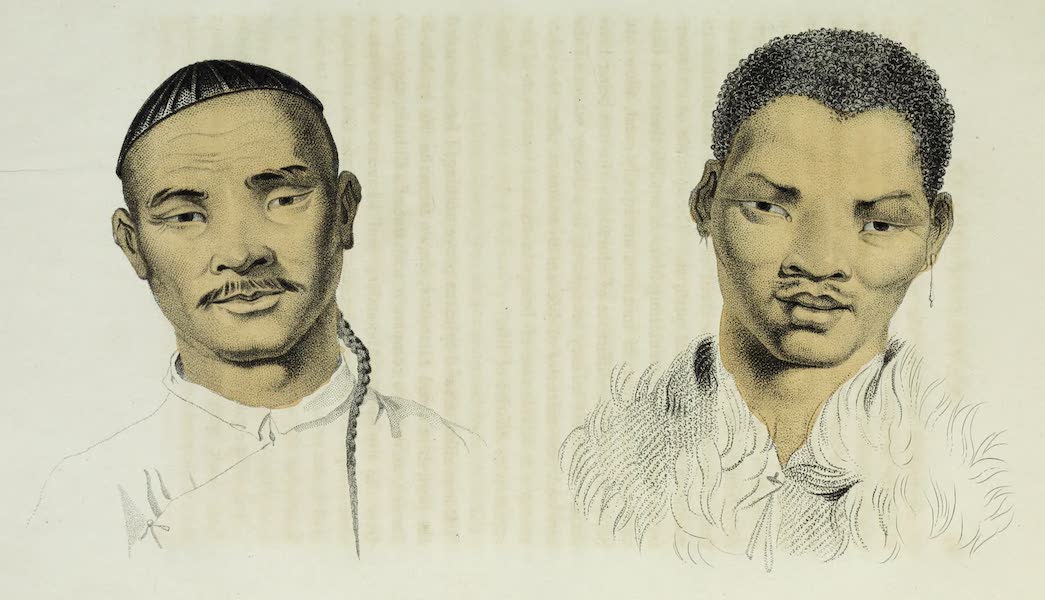 | A Chinese and a Hottentot
|
 | A Chinese Cemetery
|
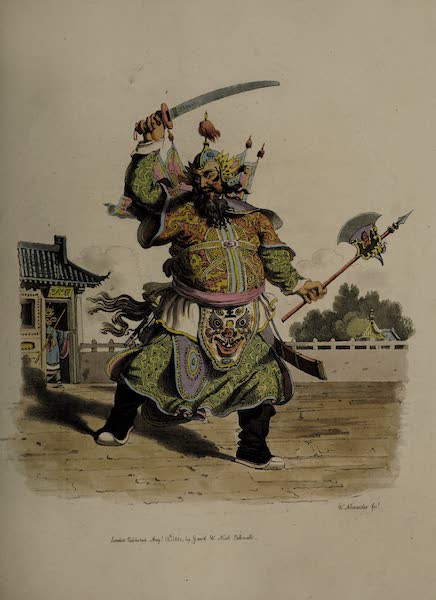 | A Chinese Comedian
|
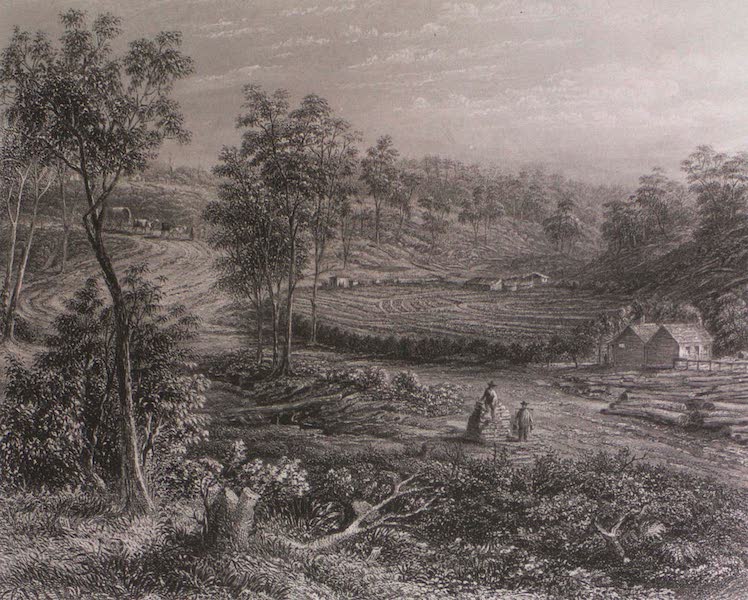 | A Chinese Garden in Victoria
|
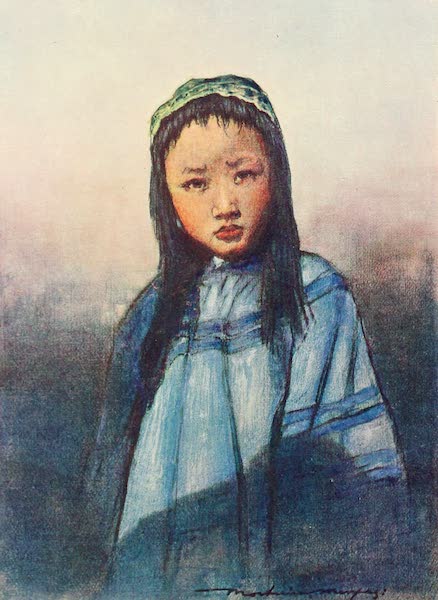 | A Chinese Girl
|
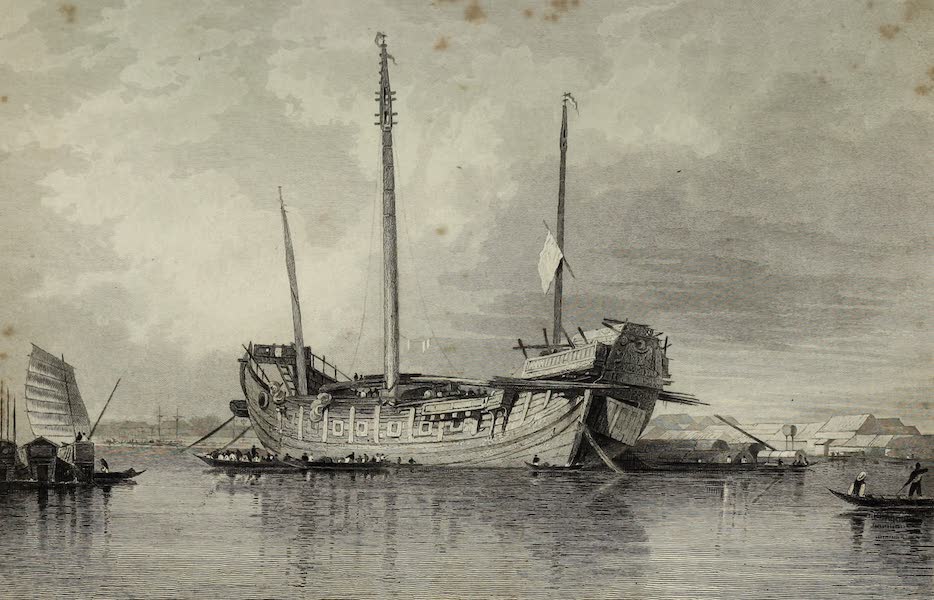 | A Chinese Junk, Canton River
|
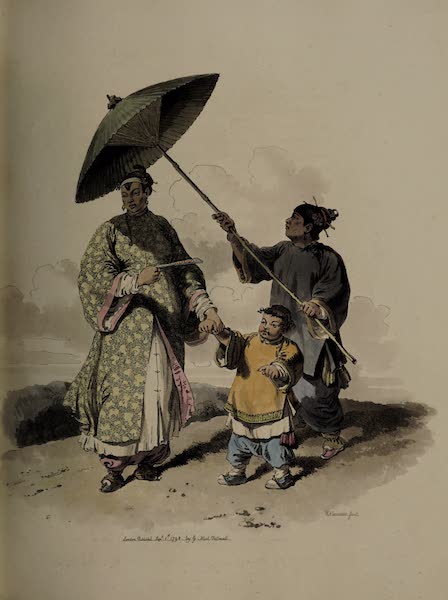 | A Chinese Lady and her Son
|
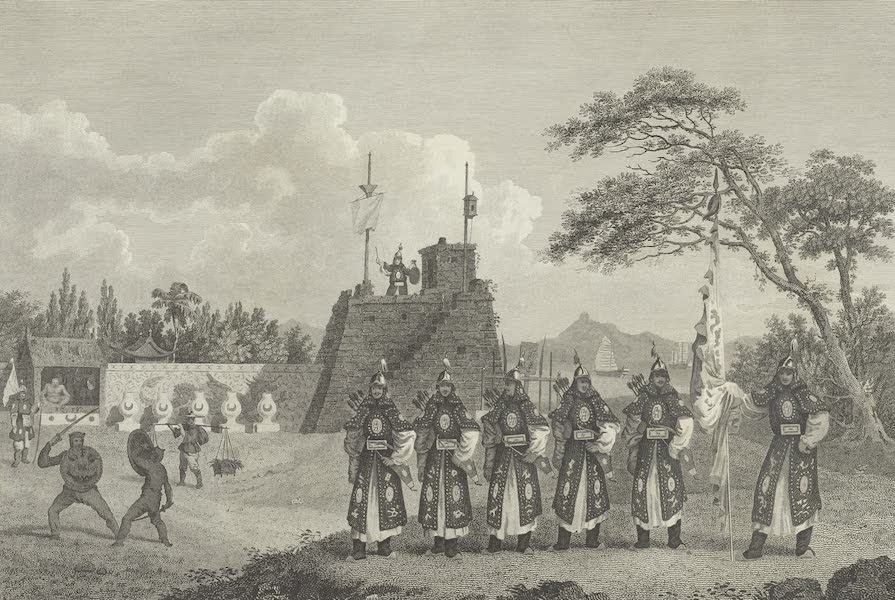 | A Chinese military post
Military posts of a similar kind, but various in their form and plan of construction occur at certain distances, greater or less as may be deemed necessary, for the internal peace of the empire, for the protection of travellers on the public roads, and of vessels on canals and rivers. Each contains in general from six to twelve men, who are drawn out in their best military attire, as represented in the plate, whenever a person of consequence passes by. Their dress is then taken off, and laid up carefully till a future occasion. The soldier on the top of the fort gives the signal, by striking a brazen instrument, called by the Chinese, Loo, of the approach of the person to be saluted, that the men may be prepared. Near to the military post there is frequently a small temple, as at the end of the wall in the present plate, in which is contained, among other deities, the god of war. |
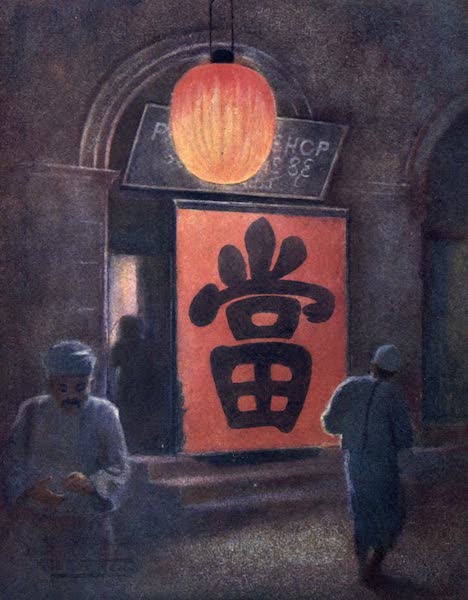 | A Chinese Pawn-Shop-Mandalay
|
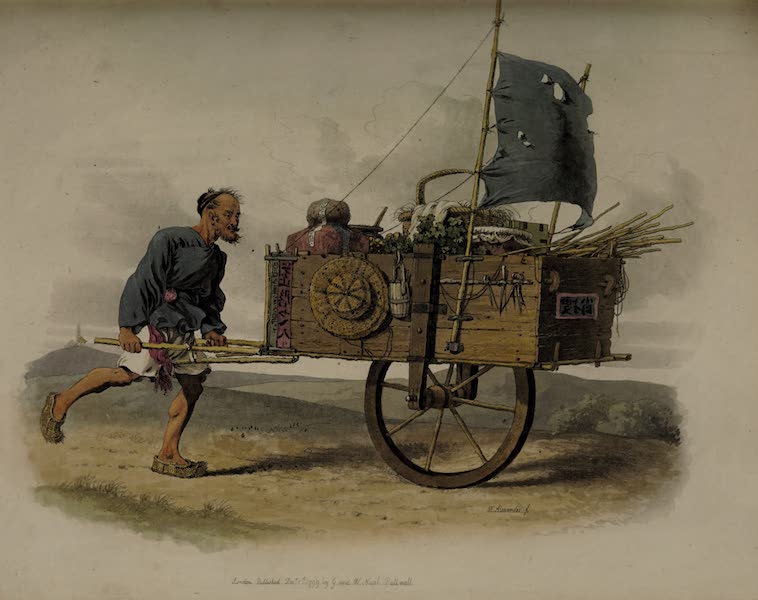 | A Chinese Porter or Carrier
|
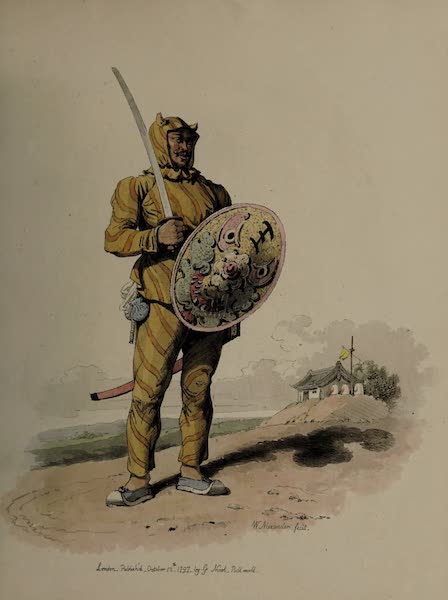 | A Chinese Soldier of Infantry, or Tiger of War
|
 | A Chinese Woman
|
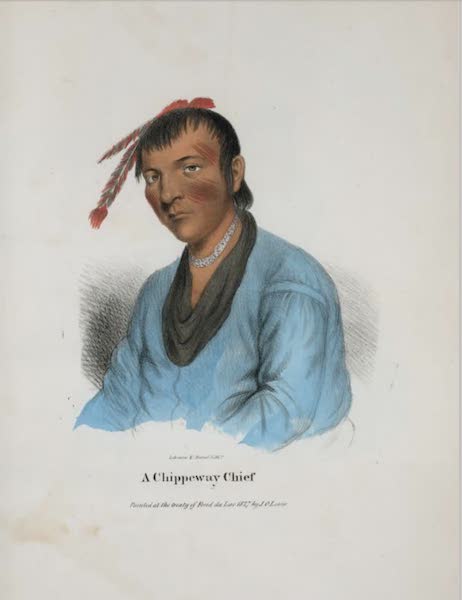 | A Chippeway Chief
|
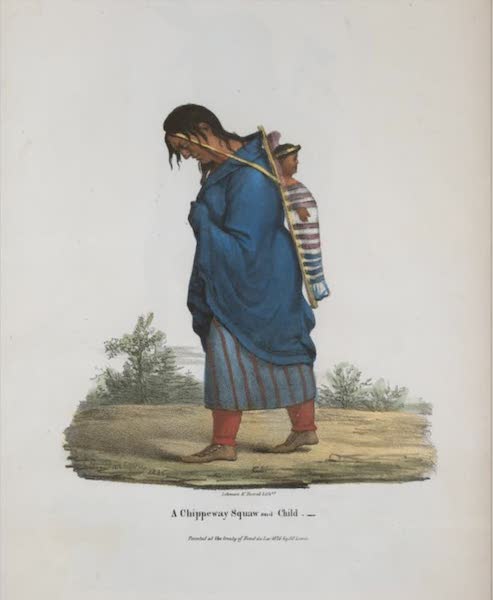 | A Chippeway squaw and child
|
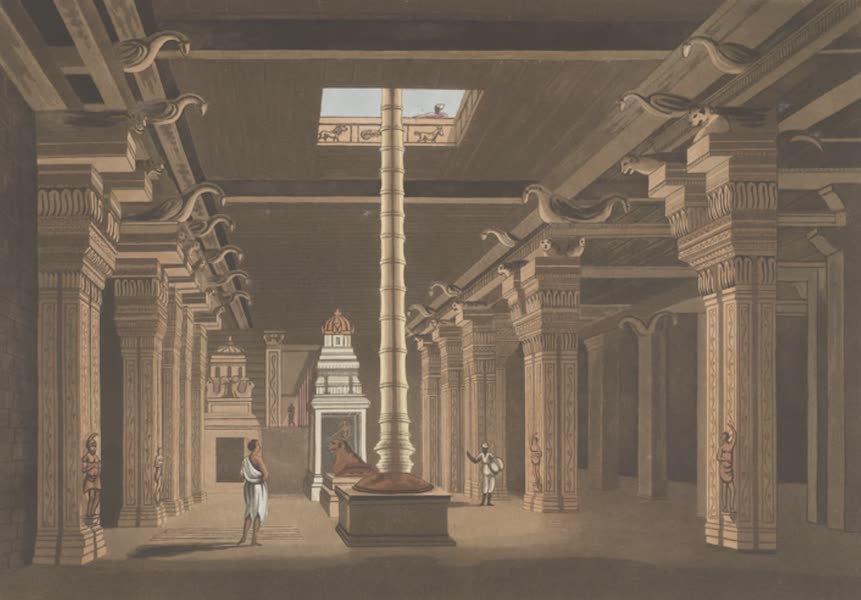 | A Choultry, or Place of Worship Carved Out of the Rock of Tritchinopoly
Plate eight from '24 Views in Indostan by William Orme'. This aquatint of the Shiva temple inside the Rock Fort at Tiruchirappalli is based on a picture originally by Francis Swaine Ward (1736-94). To reach the temple, one has to climb hundreds of stairs carved into the rock. The pillar in the centre of the picture is made of solid brass, gilt and about fifty feet high. It supported various flags which are used as signals for prayers and can be seen for thirty miles across the surrounding countryside. |
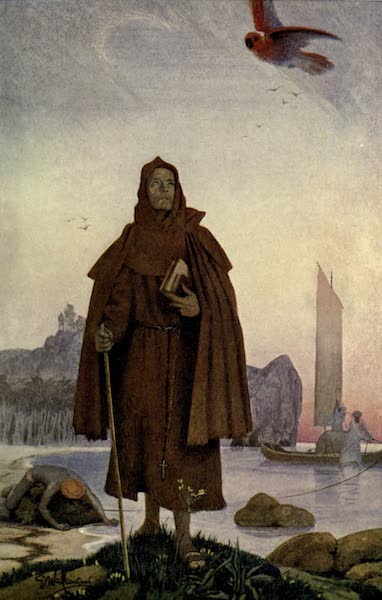 | A Christian Missionary Friar Landing in Southern India - 14th Century
|
 | A Christmas Dinner on the Heights before Sebastopol
|
 | A Christmas Dinner on the Heights Before Sebastopol.
|
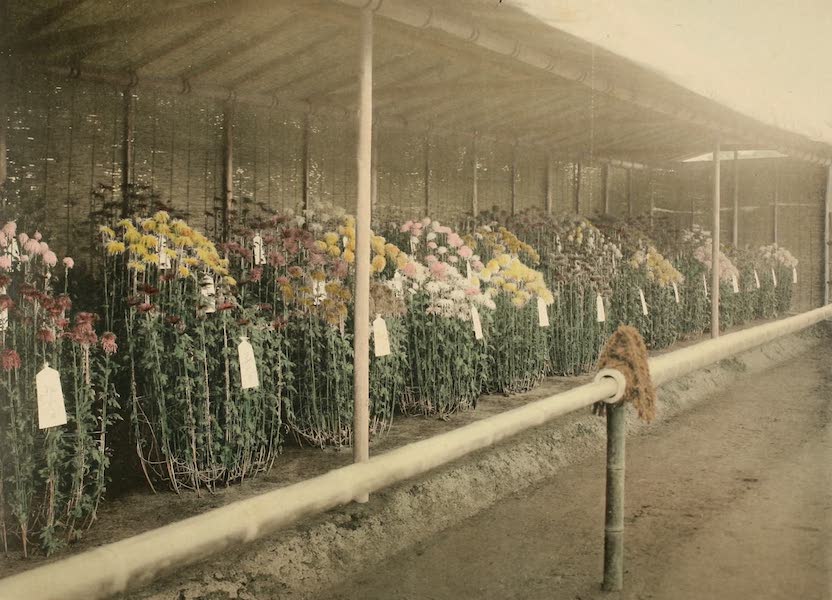 | A chrysanthemum bed with different varieties.
|
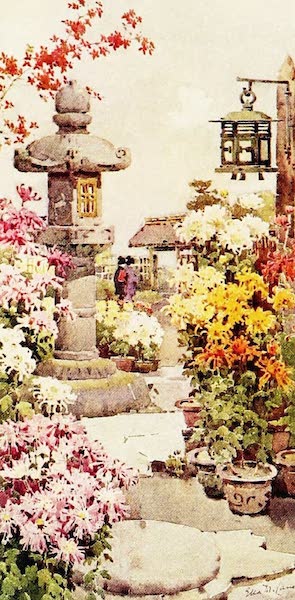 | A Chrysanthemum Garden
|
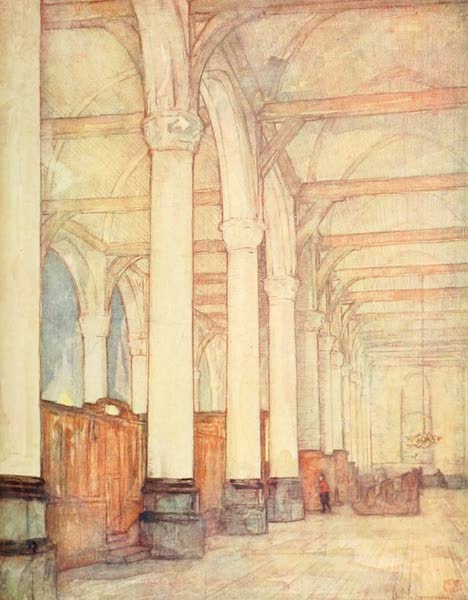 | A Church Interior, Monnickendam
|
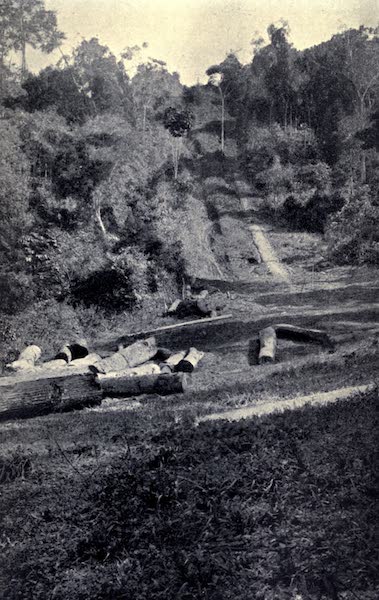 | A Chute For Mahogany Logs on an Estate Near Vaca Falls
|
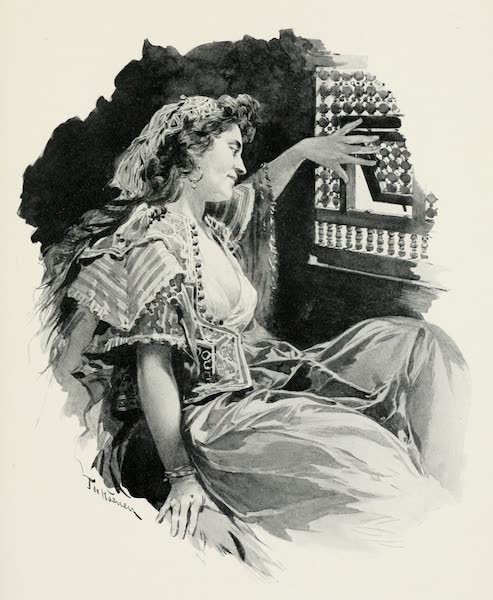 | A Circassian
|
 | A Circassian in his Military Costume
|
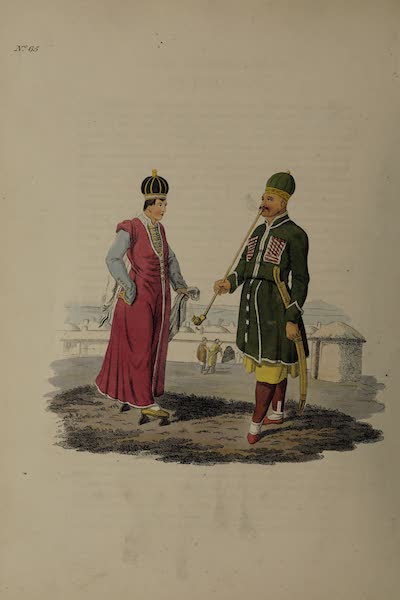 | A Circassian of distinction in his ordinary Dress, and a Princess of that Nation
|
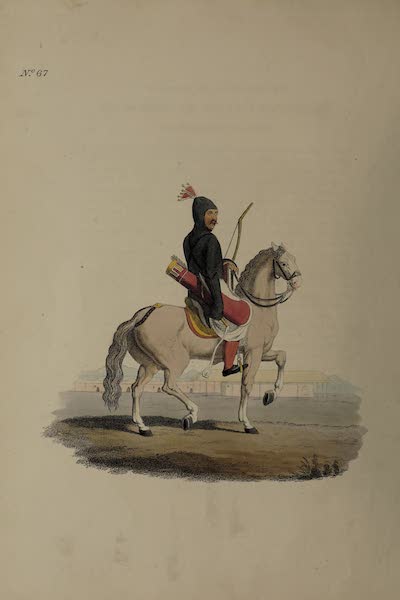 | A Circassian on Horseback in complete Armour
|
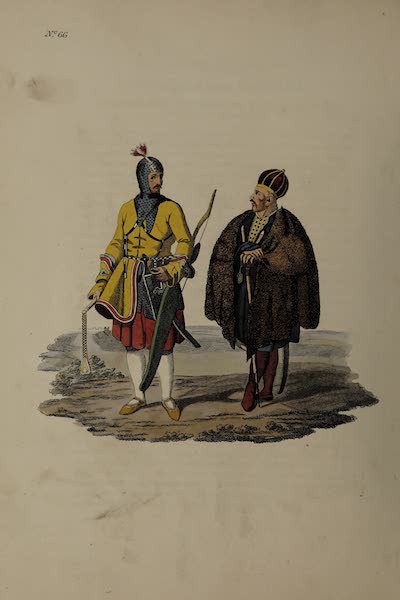 | A Circassian Prince or Nobleman completely armed
|
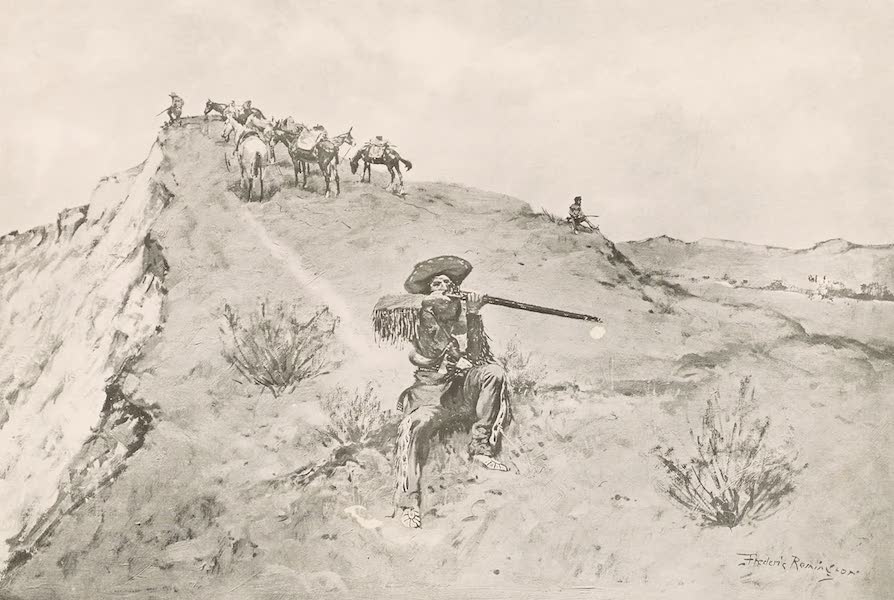 | A Citadel of the Plains
|
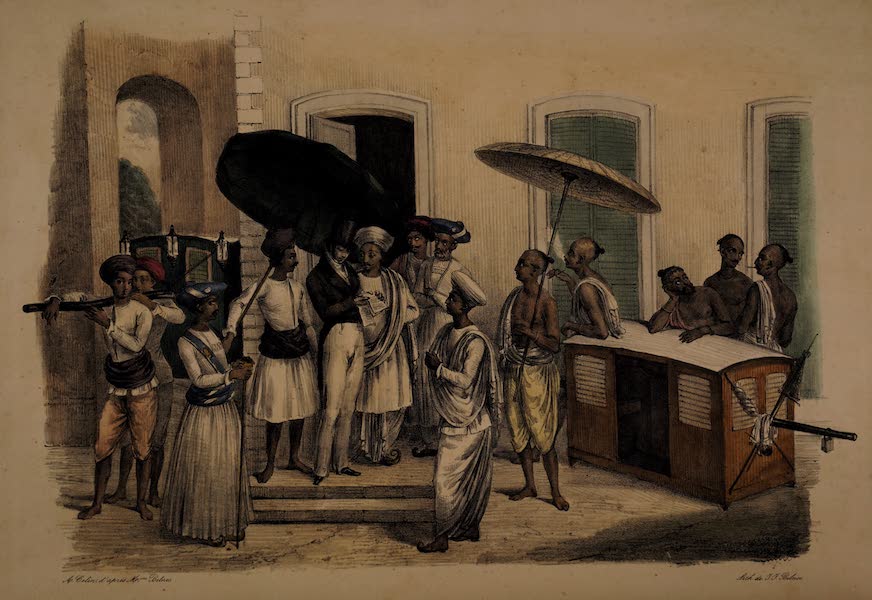 | A civilian going out
|
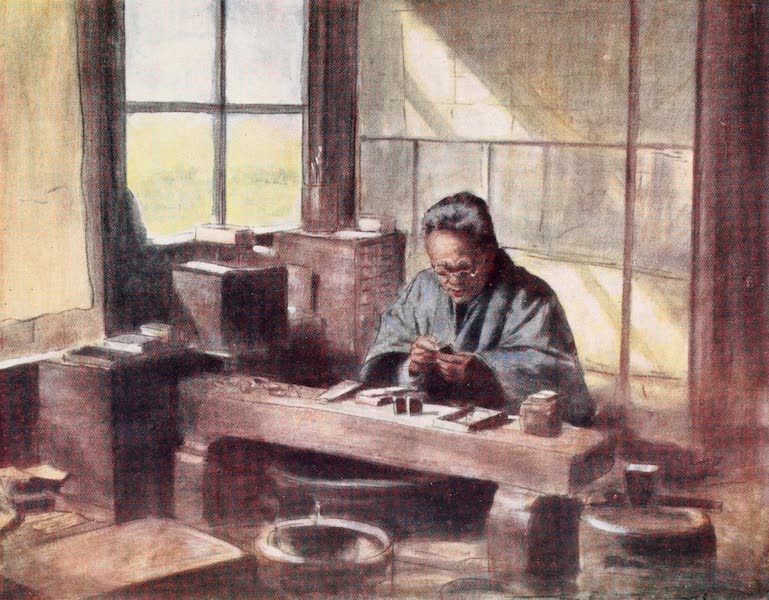 | A Cloisonne Worker
|
 | A Cloud of Pine and Fir
|
 | A Coal Hulk. the Pitt now broken up
|
 | A Cobbler, Damascus
|
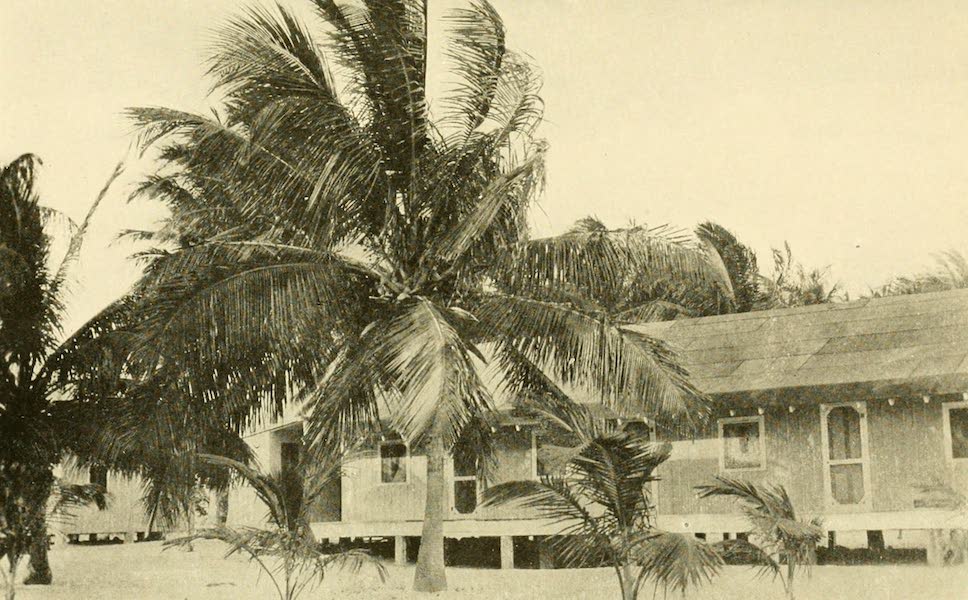 | A Cocoanut Palm
|
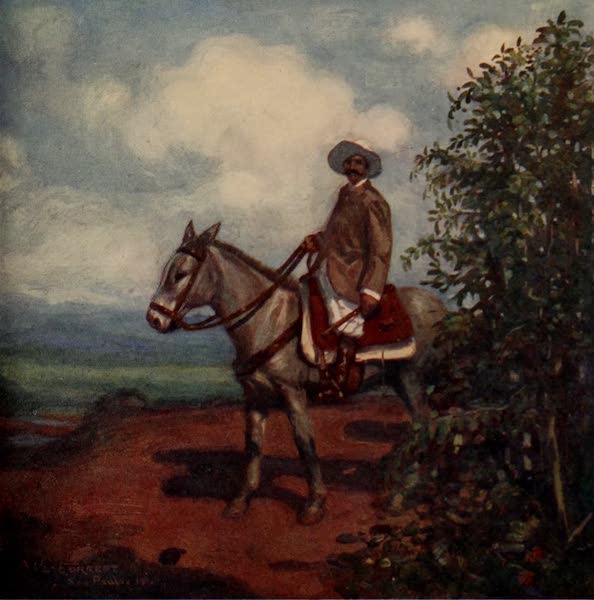 | A Coffee Planter, São Paulo
|
 | A Colombian Indian Mother and Child
|
 | A Colombian Señorita
|
 | A Colonel of the Janissaries
|
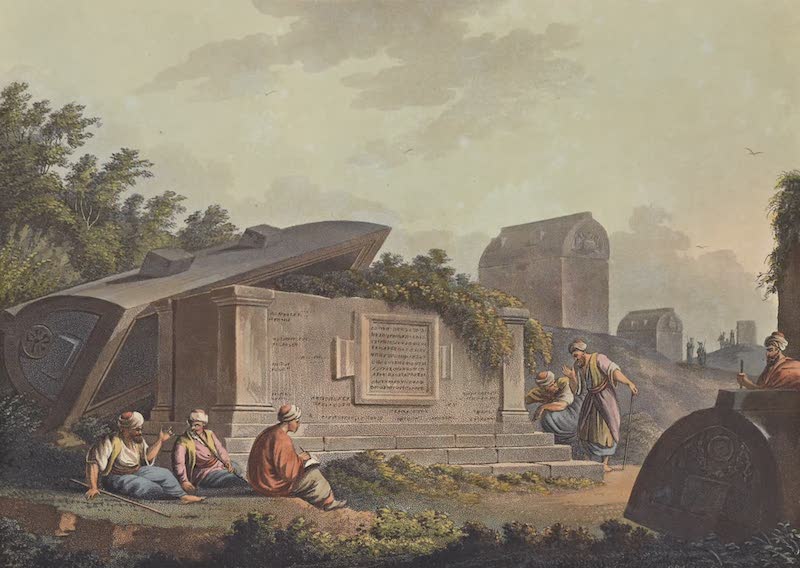 | A colossal Sarcophagus at Cacamo in Caramania
|
 | A Colossal Statue at the Entrance to the Temple of Luxor
|
 | A Colossal Vase near Limisso in Cyprus
|
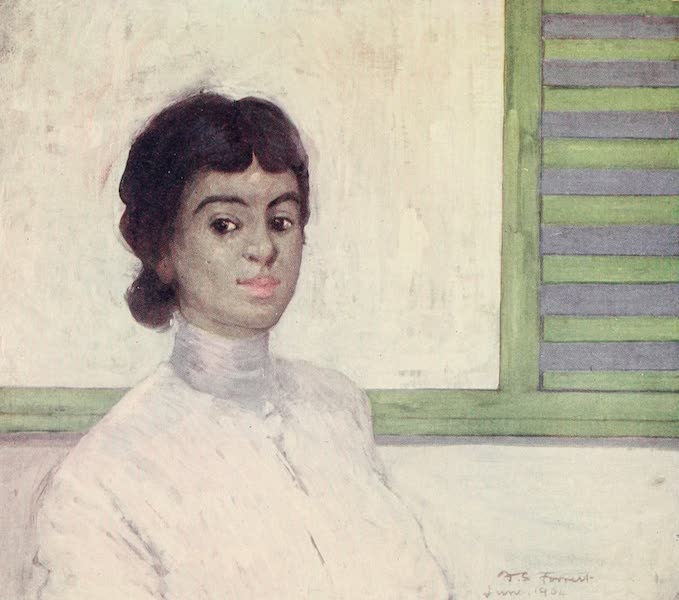 | A Coloured Girl
|
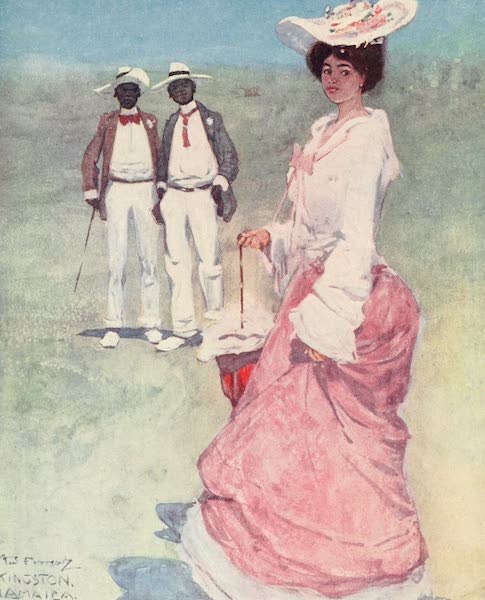 | A Coloured Lady on a Race-course, Jamaica
|
 | A Columbia River Gorge Sunset
|
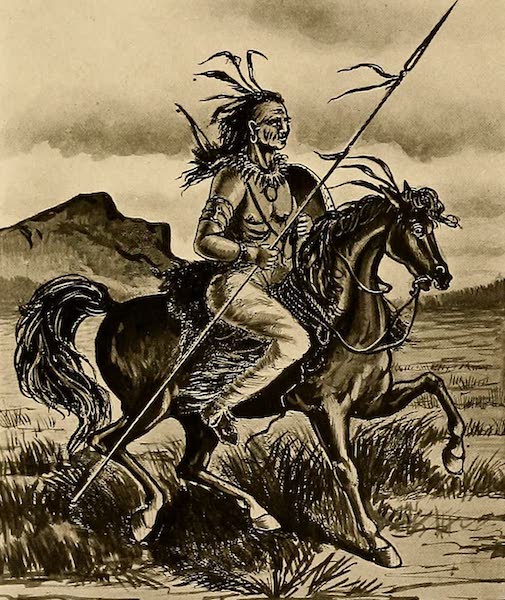 | A Comanche Warrior
|
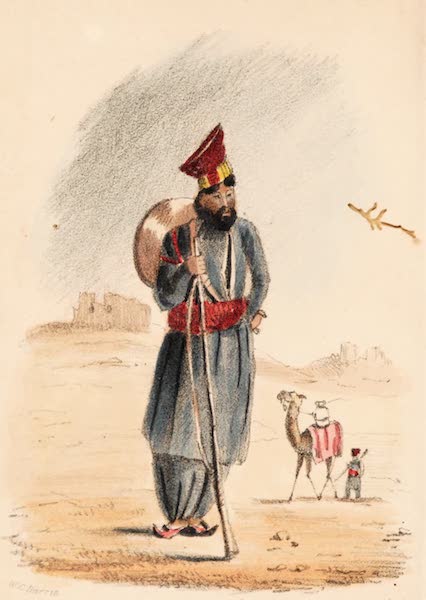 | A Common Class Sindean
|
 | A Company of the Mikado's Fighting Men on the Firing Line
|
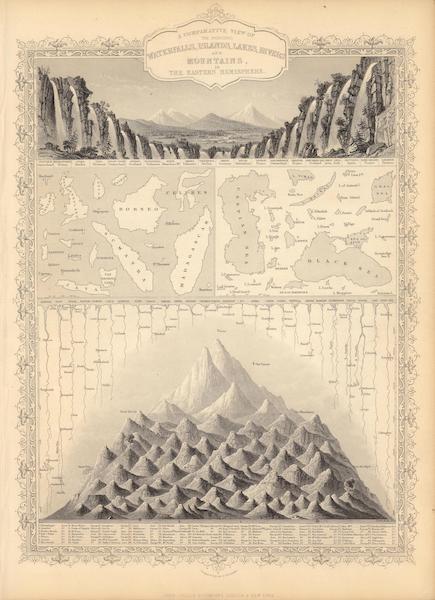 | A Comparative View Of the Principal Waterfalls, Islands, Lakes, Rivers and Mountains, in the Eastern Hemisphere
Without color in 4 sections with a decorative border. |
 | A Comparative View Of the Principal Waterfalls, Islands, Lakes, Rivers and Mountains, in the Western Hemisphere
Without color in 4 sections with a decorative border. |
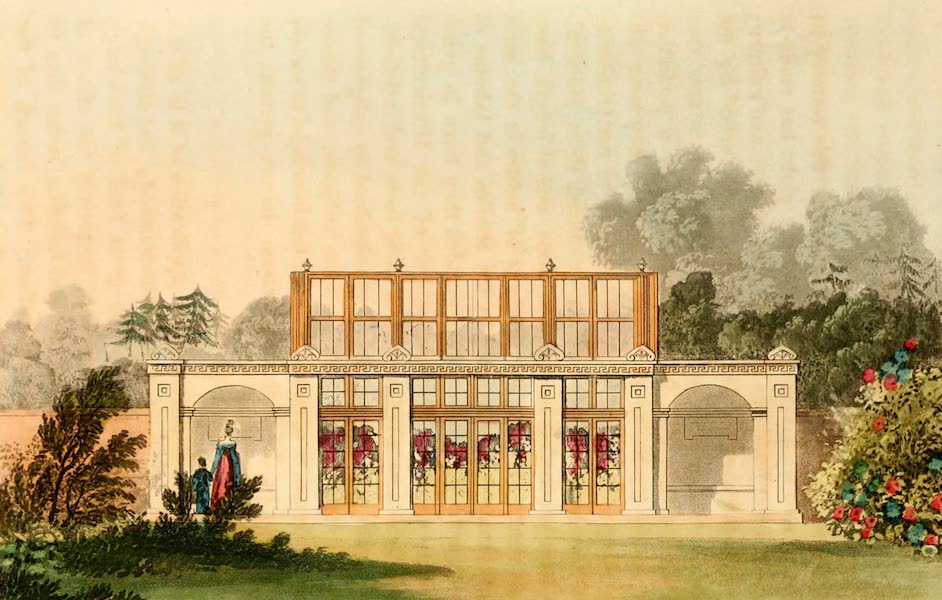 | A Conservatory
|
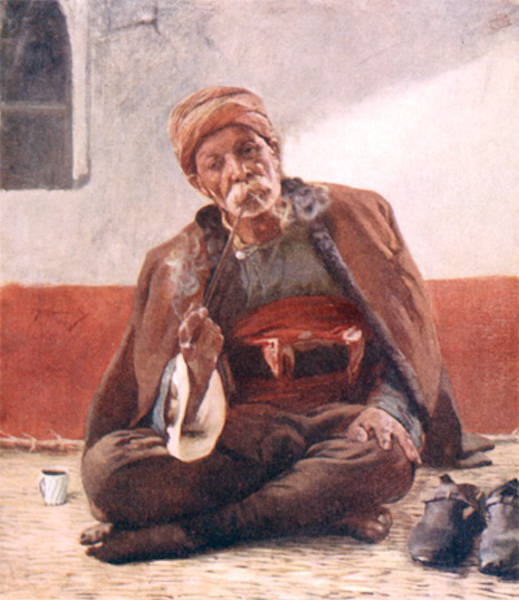 | A Contented Turk
|
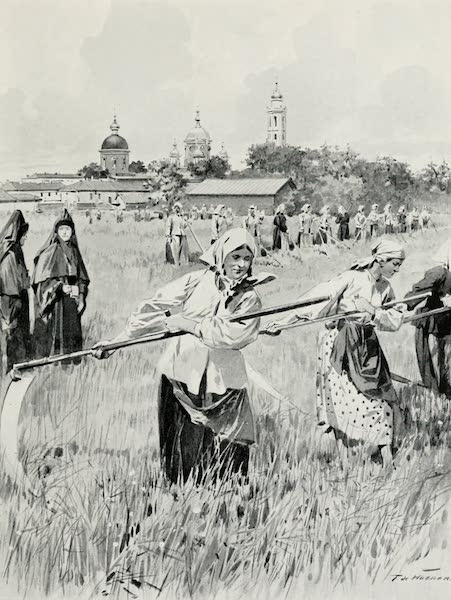 | A Convent in Novogorod : Nuns Making Hay
|
 | A Convent Moat
|
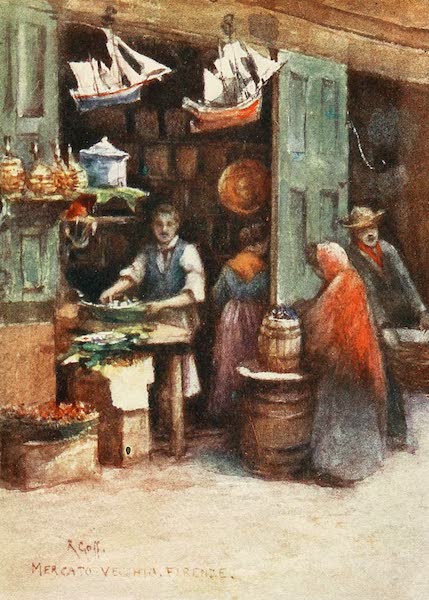 | A Cook's Shop in the Mercato Vecchio, before its demolition in 1884
|
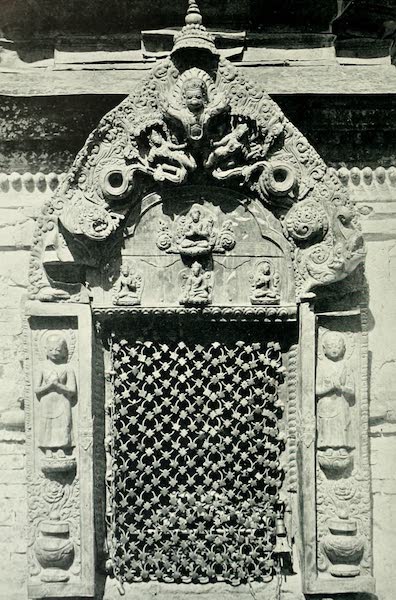 | A Copper-gilt Shrine at the Temple of Shambunath
|
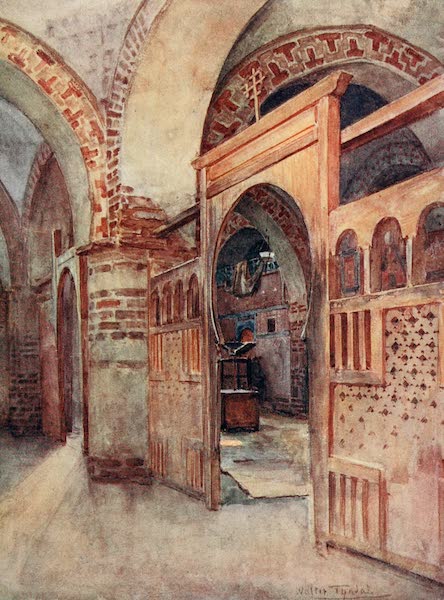 | A Coptic Church near Abydos
|
 | A Coracle, Tory Island
|
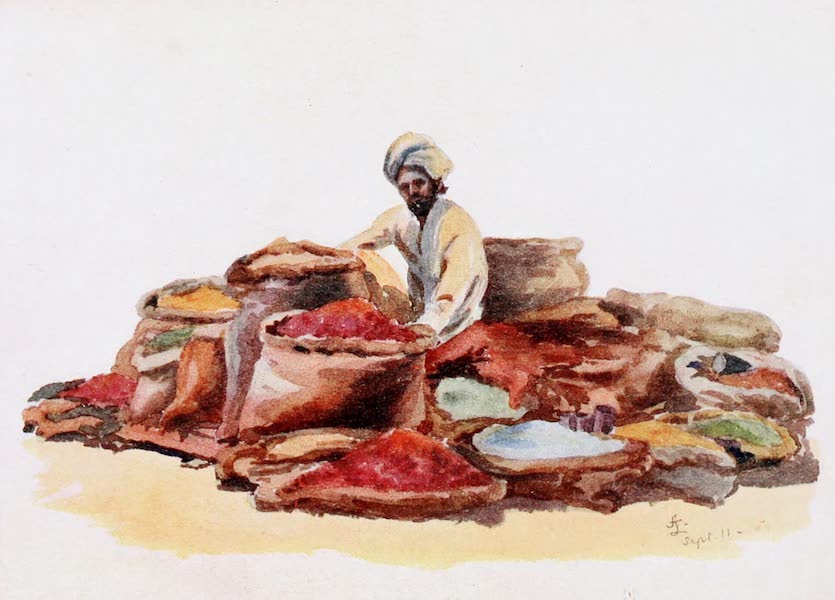 | A Corn Merchant
|
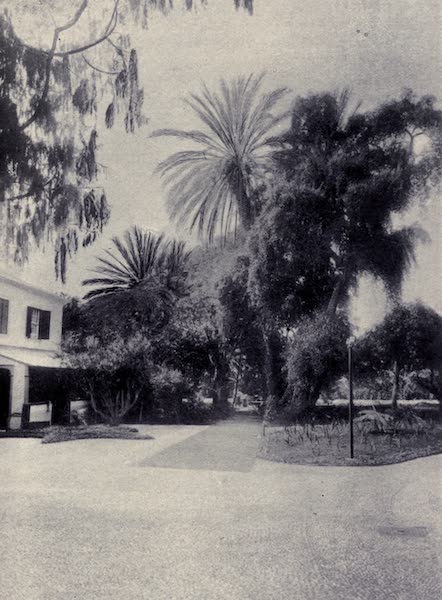 | A Corner at the Casino Gardens
|
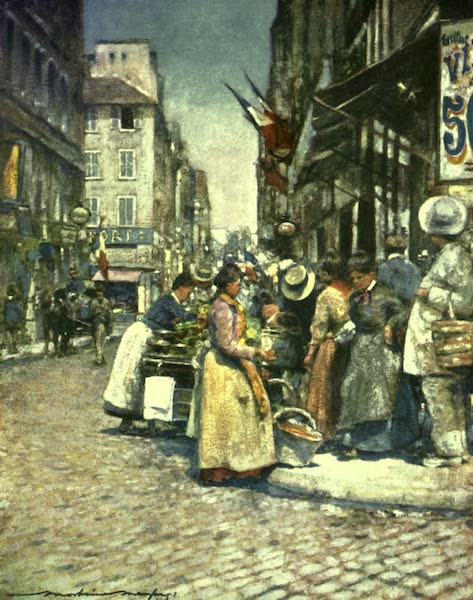 | A Corner at the Ruede Seine
|
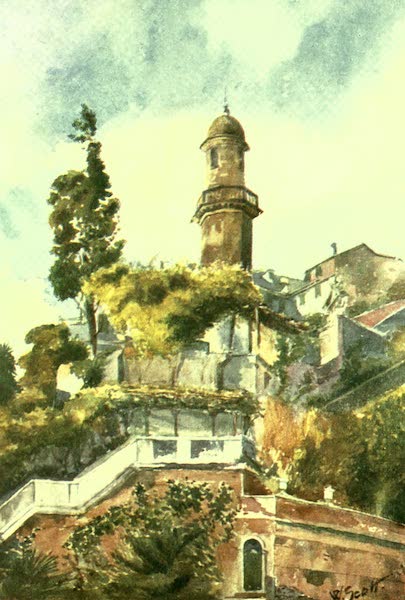 | A Corner in Genoa
|
 | A Corner in the Court of Abundance
|
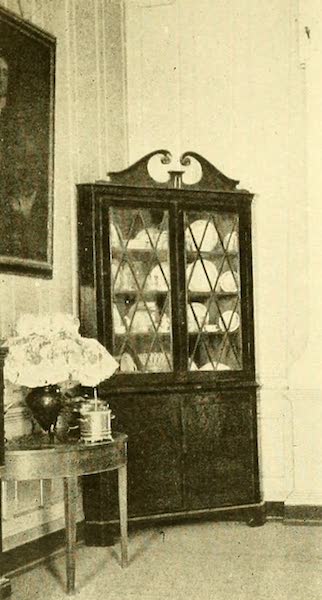 | A Corner in the Dining-room
|
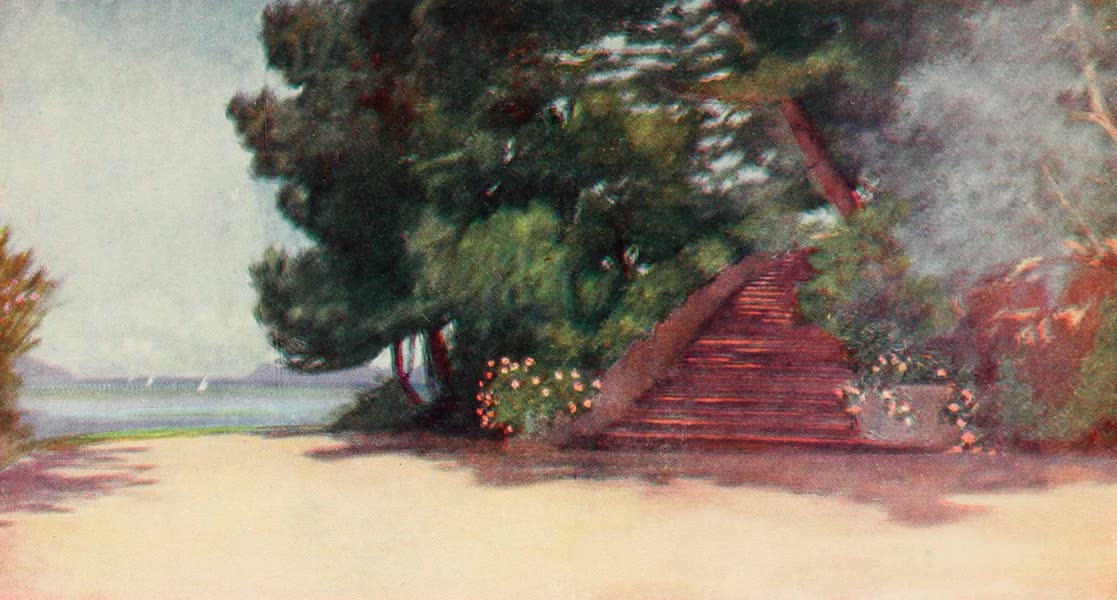 | A Corner in the Garden of Lord Rosebery's Villa Posillipo
|
 | A Corner in the Market-Place
|
 | A Corner in the Old Graveyard
|
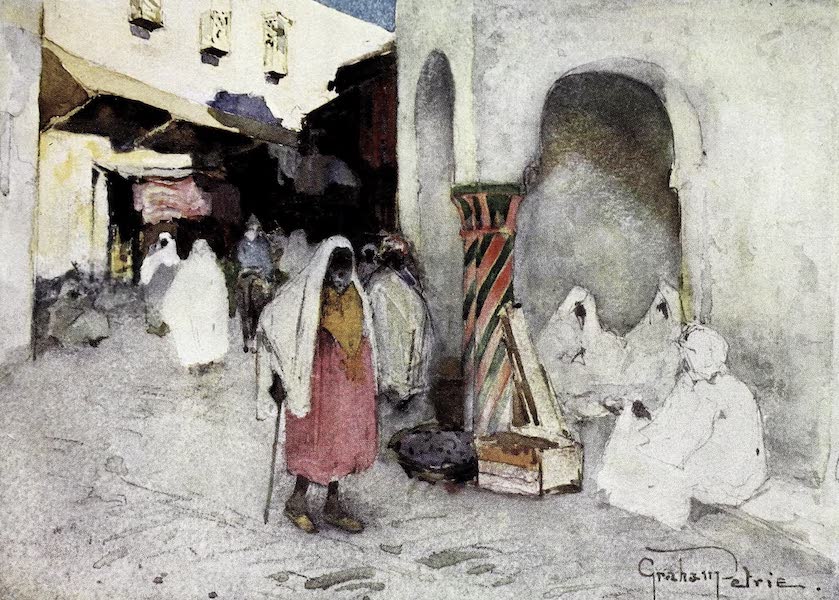 | A Corner in the Rue Belat, Tunis
|
 | A Corner in Villeneuve
|
 | A Corner near the Market, Nice
|
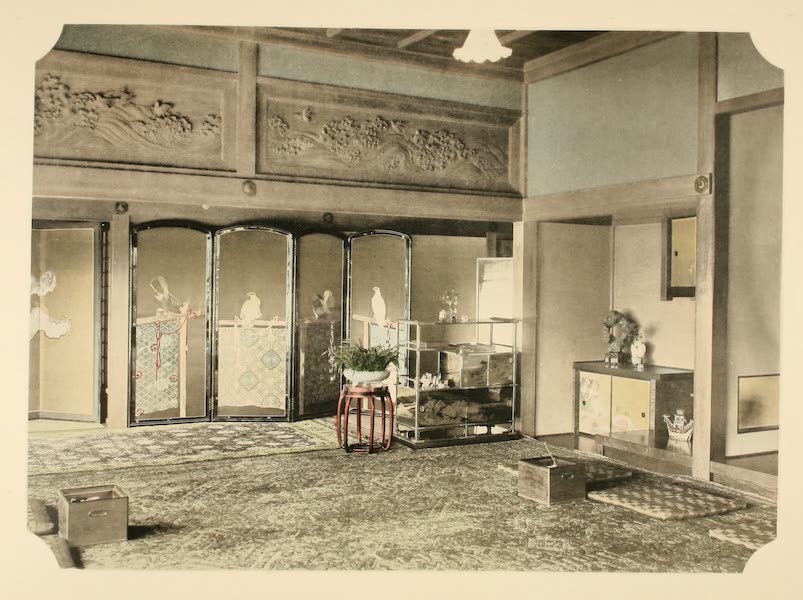 | A corner of a living room showing a portion of the tokonoma.
|
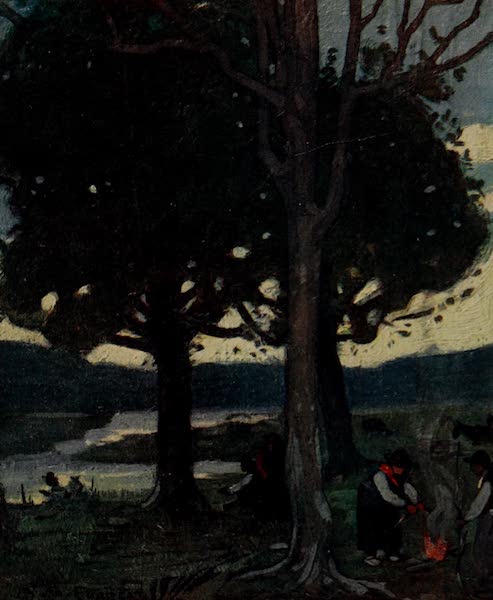 | A Corner of a Uruguayan Campo
|
 | A Corner of a Wessex Fair
|
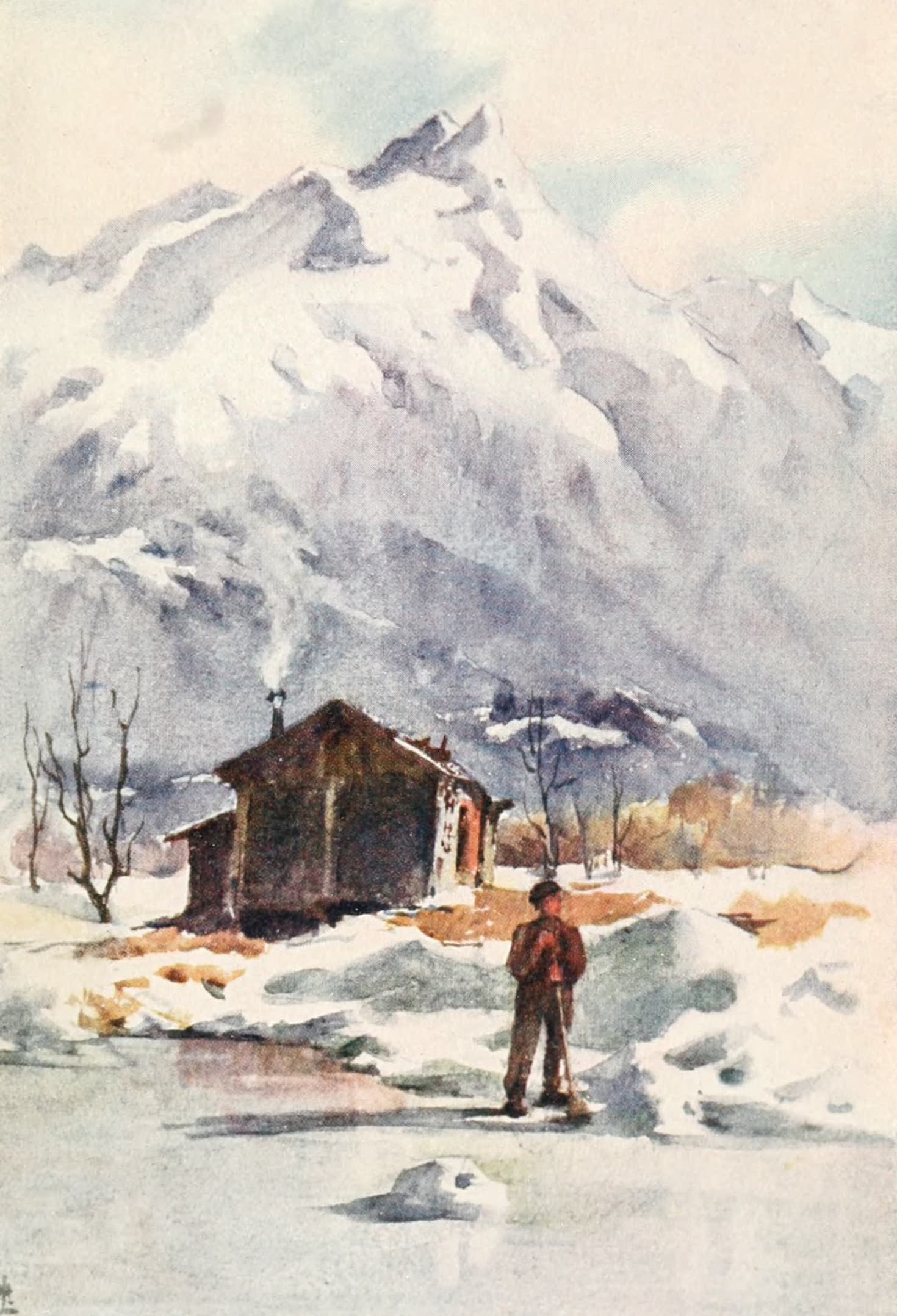 | A Corner of Aigle Skating Rink
|
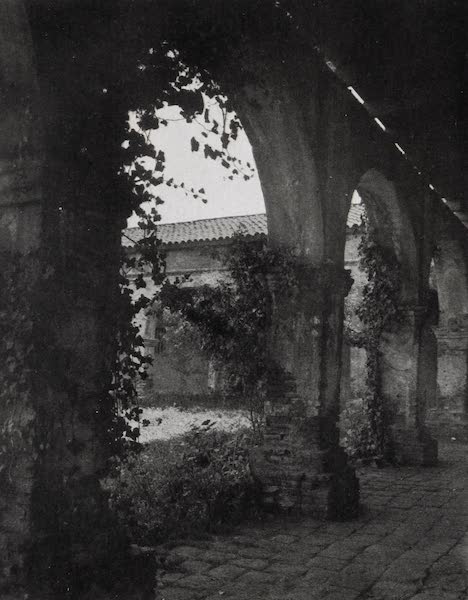 | A Corner of Capistrano
|
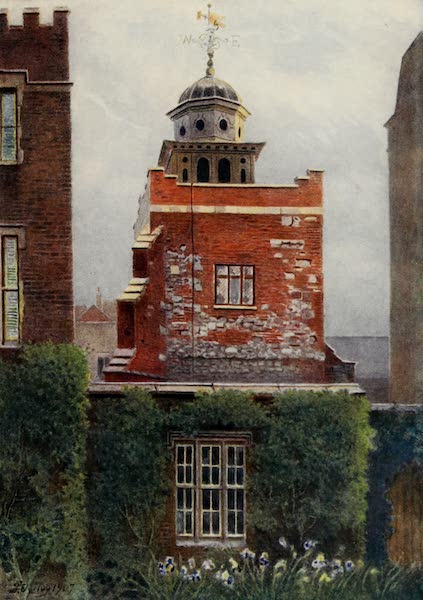 | A Corner of Charterhouse Square
|
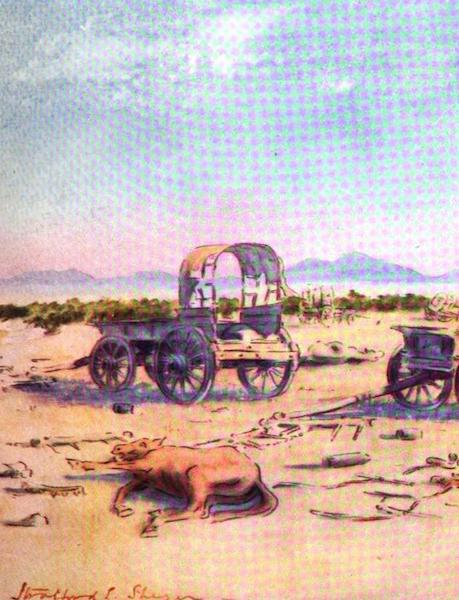 | A Corner of Cronje's Laager at Paardeberg
|
 | A Corner of Esher Common
|
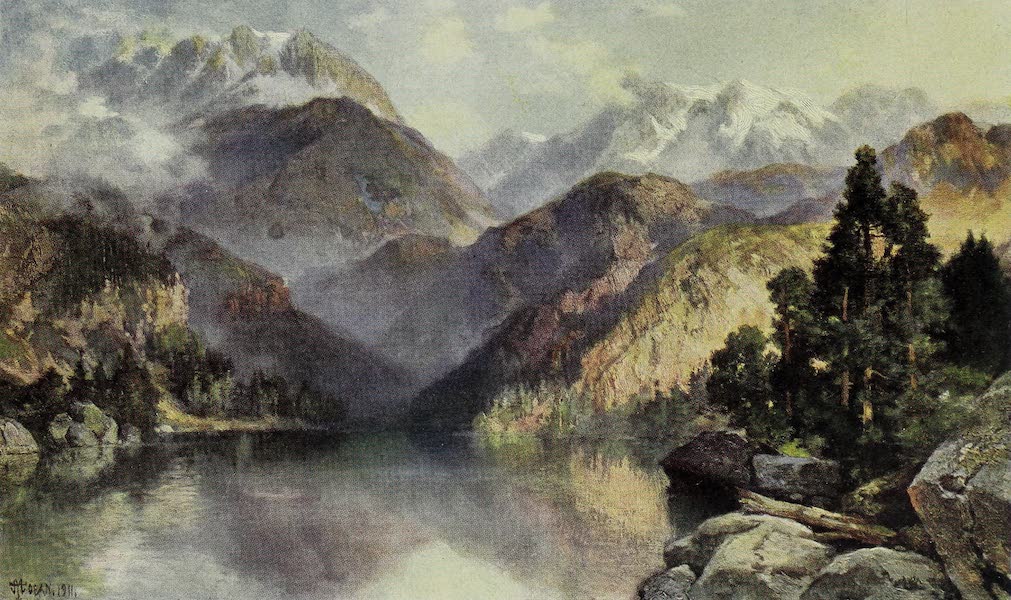 | A Corner of Lake Tahoe
|
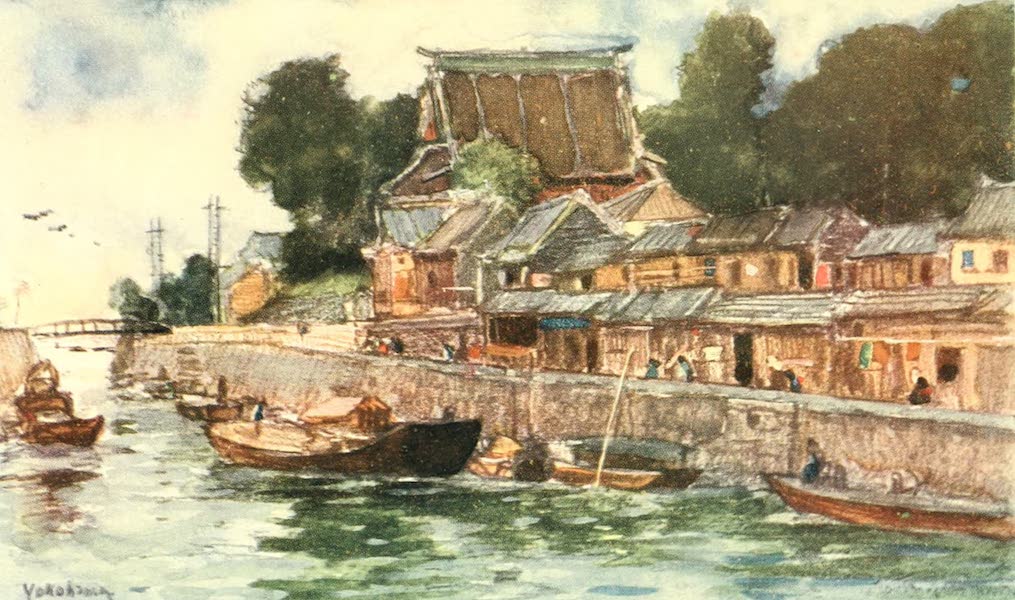 | A Corner of one of the old-time Treaty Ports
|
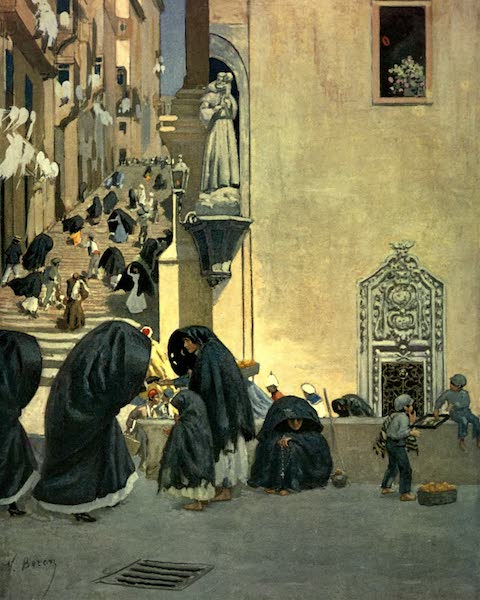 | A Corner of the Church of San Francesco in Valletta
|
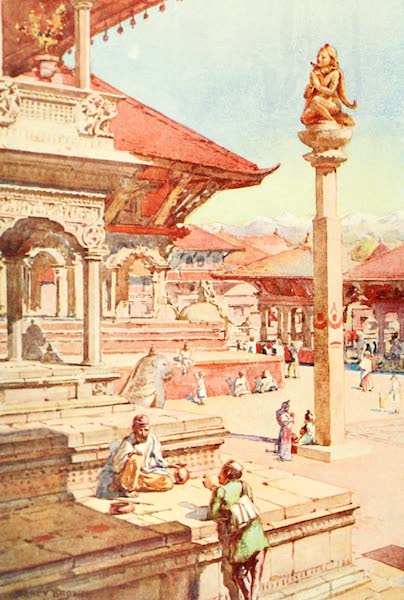 | A Corner of the Durbar Square, Patan
|
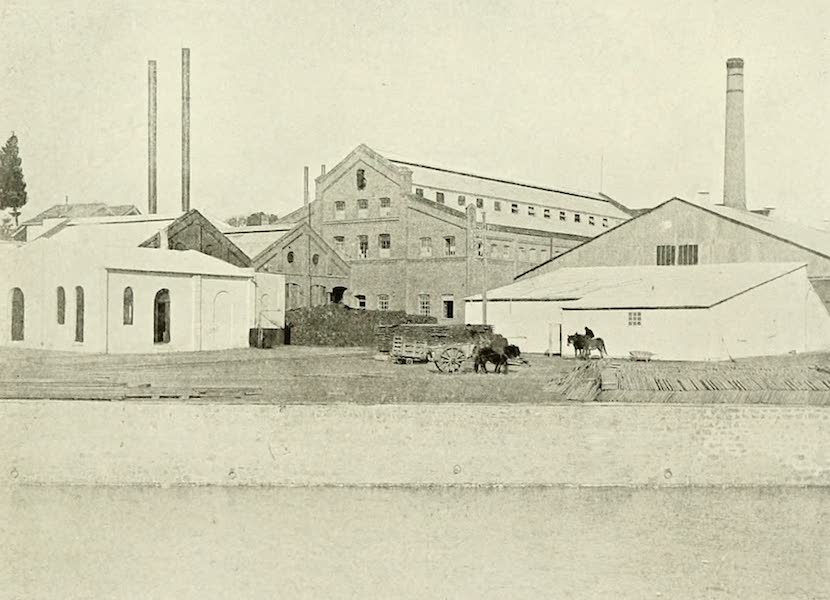 | A Corner of the Fray Bentos Factory
|
 | A Corner of the Fruit Market, Delhi
|
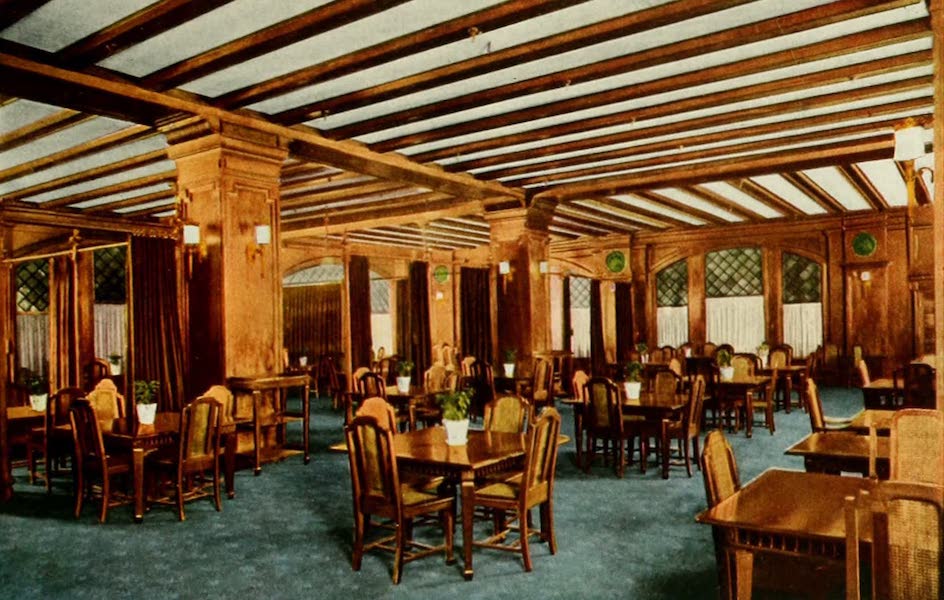 | A corner of the Grill Room, Marshall Field and Co.'s Retail Store
|
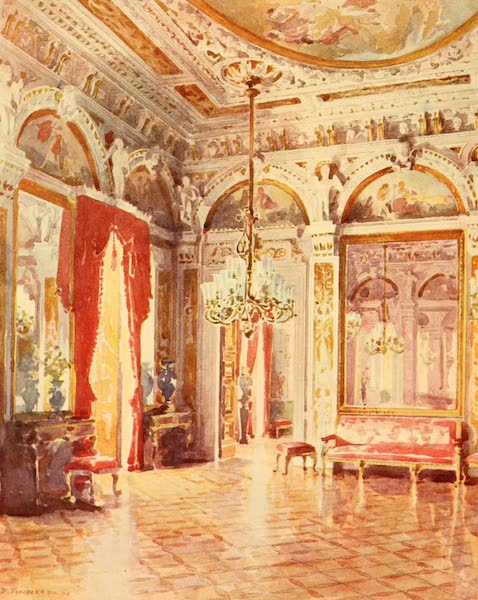 | A Corner of the Hall of Honour, Cattete Palace
|
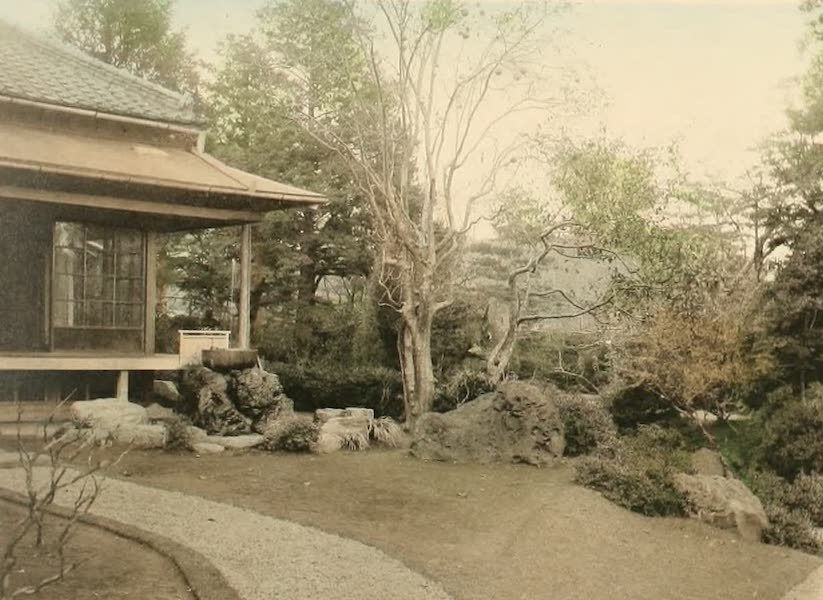 | A corner of the house showing a stone water basin.
|
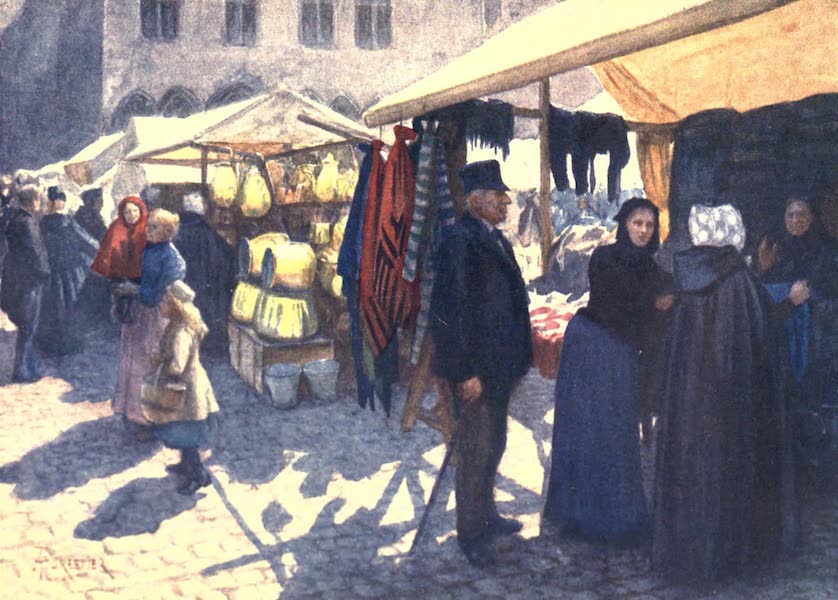 | A Corner of the Market on the Grande Place, Bruges
|
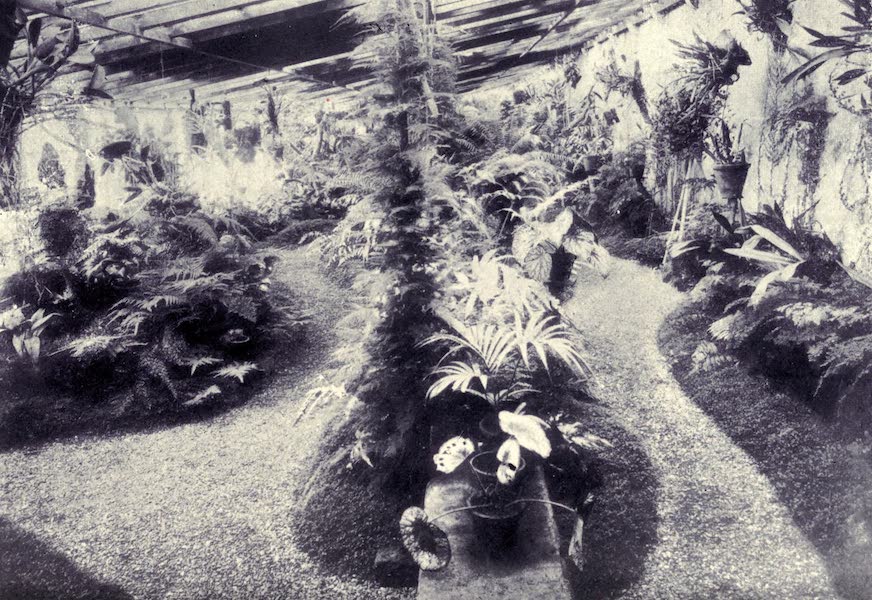 | A Corner of the Orchid House : Quinta Reid
|
 | A Corner of the Ramparts
|
 | A Corner of the Town of Altdorf
|
 | A Corner of the Village of Pahlgam, Lidar Valley
|
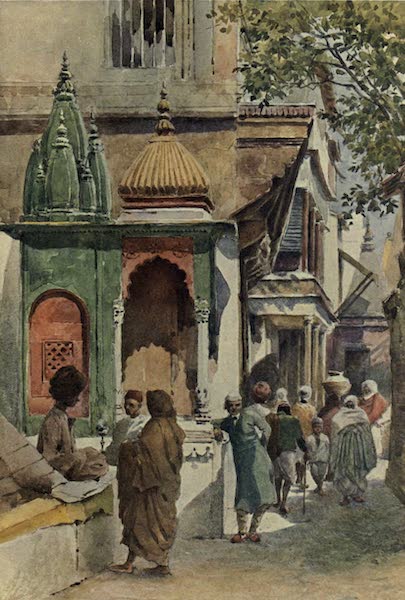 | A Corner Shrine in a Benares Alley
|
![A Coroado [and] A Botocudo](https://historyarchive.org/images/books/books-t/travels-in-brazil-v01-1824/plates/04-a-coroado-and-a-botocudo.jpg) | A Coroado [and] A Botocudo
|
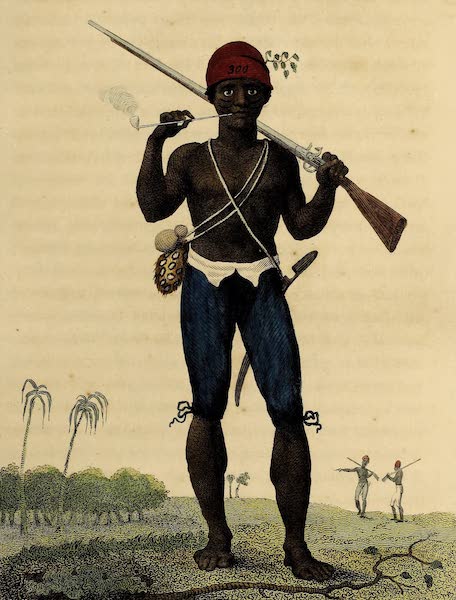 | A Coromantyn Free Negro, or Ranger, armed
|
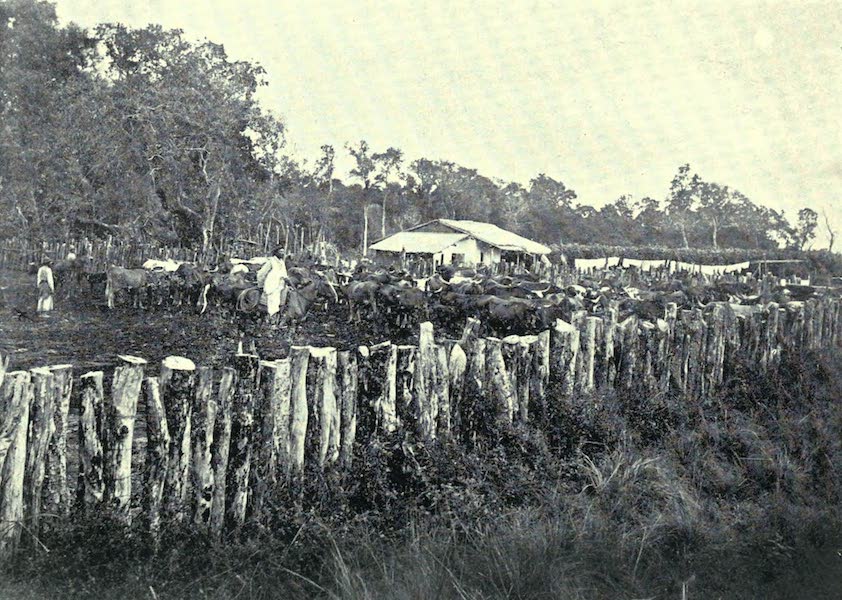 | A Corral
|
 | A Corridor at Stanford University
|
 | A Corrientes Country Church
|
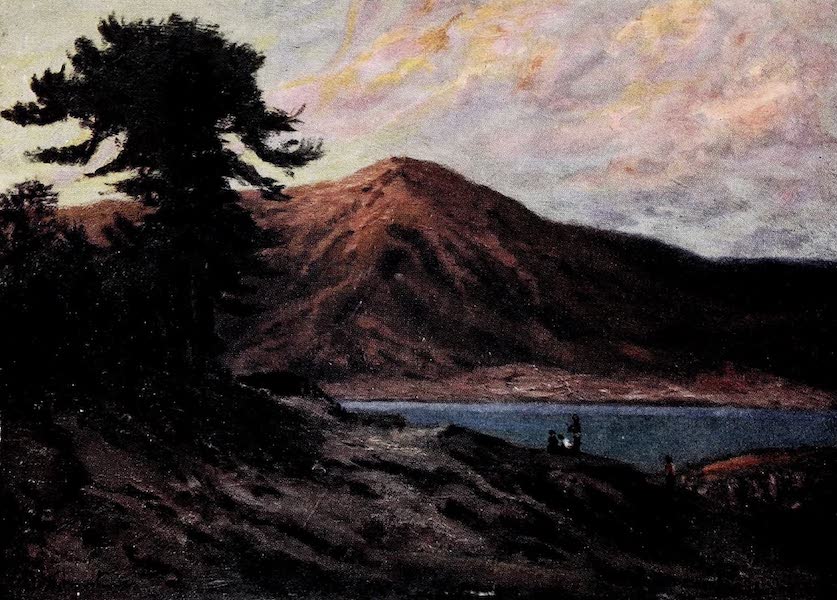 | A Corrientes Country Church
|
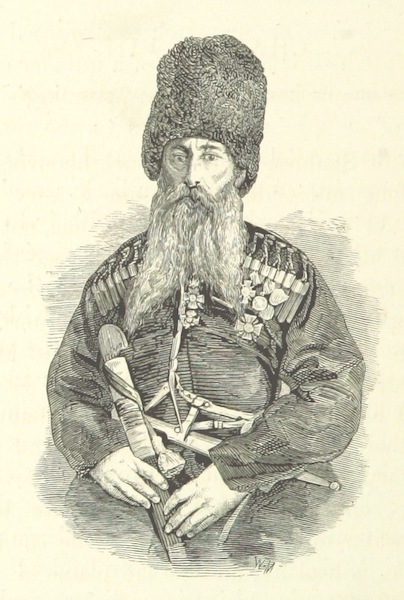 | A Cossack of the Line
|
 | A Cottage
|
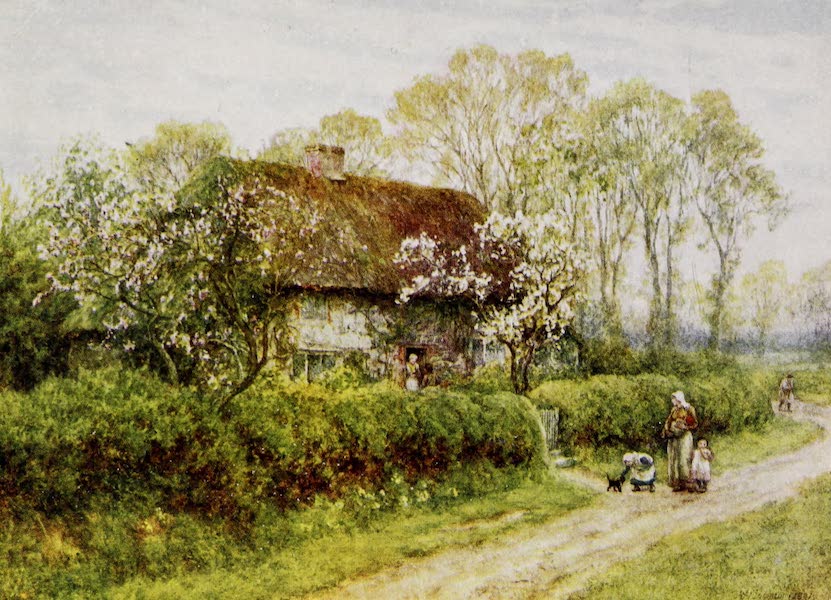 | A Cottage at Freshwater Gate
|
 | A Cottage at Hambledon
|
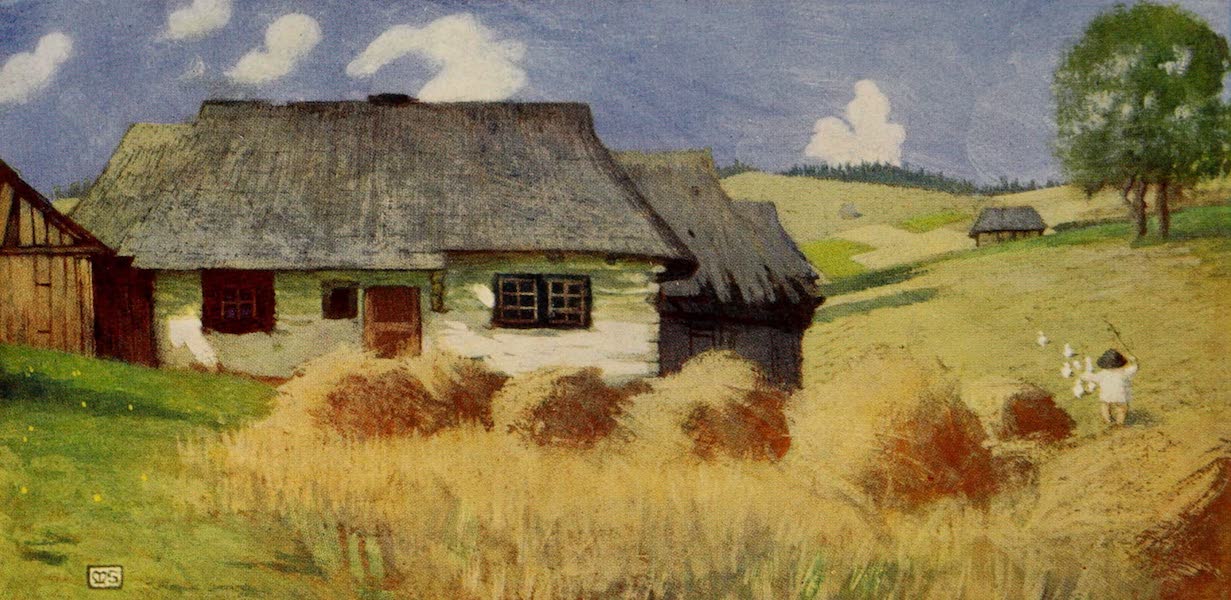 | A Cottage at Zsdjar
|
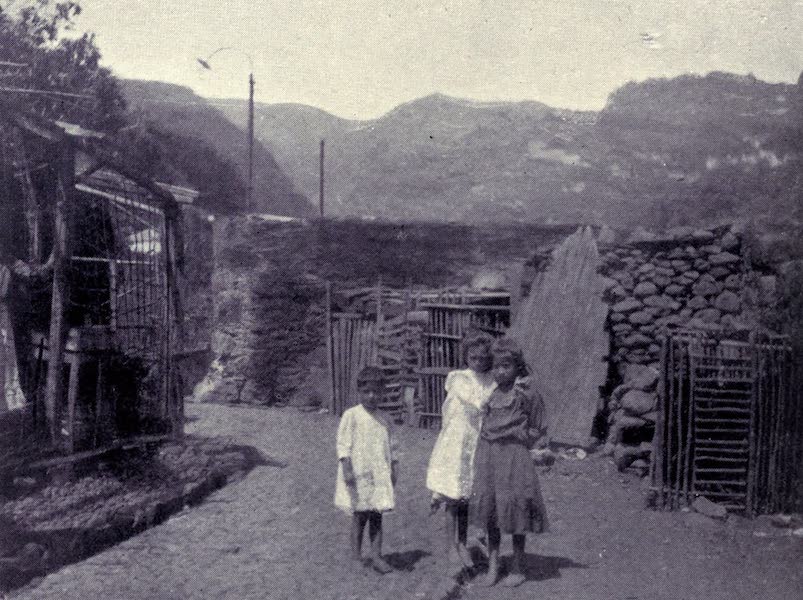 | A Cottage Enclosure
|
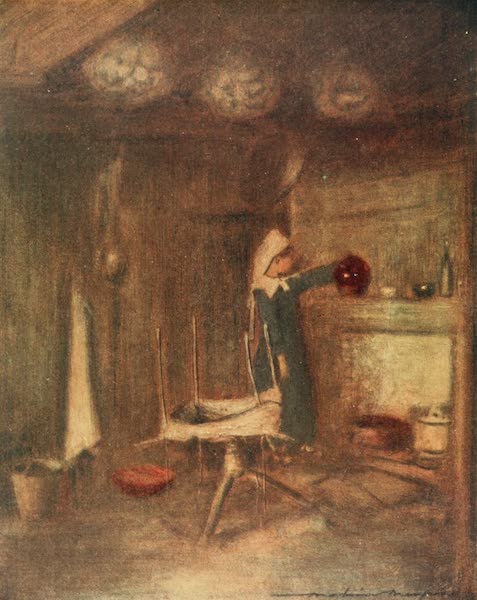 | A Cottage Home
|
 | A Cottage Home, Compton
|
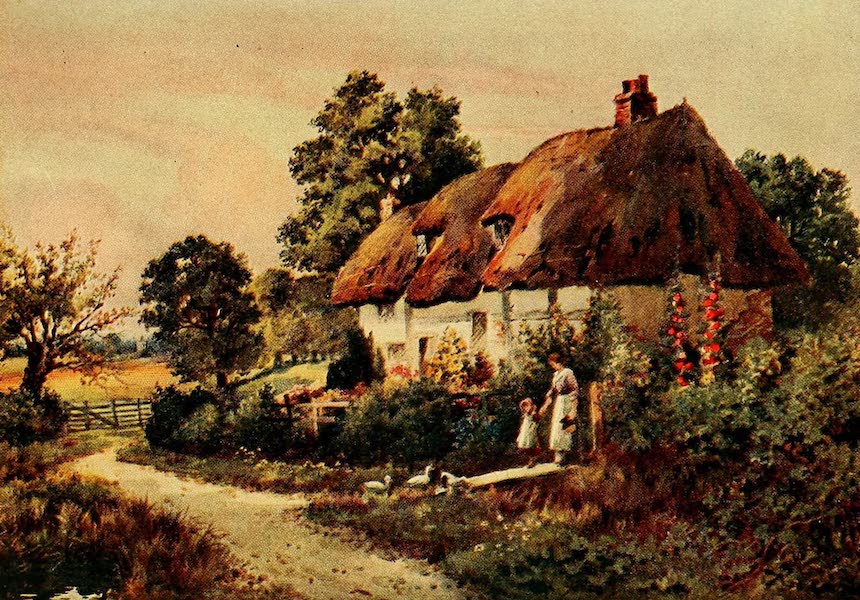 | A Cottage in Holdenhurst, Hampshire
|
 | A Cottage in Rochefort-en-Terre
|
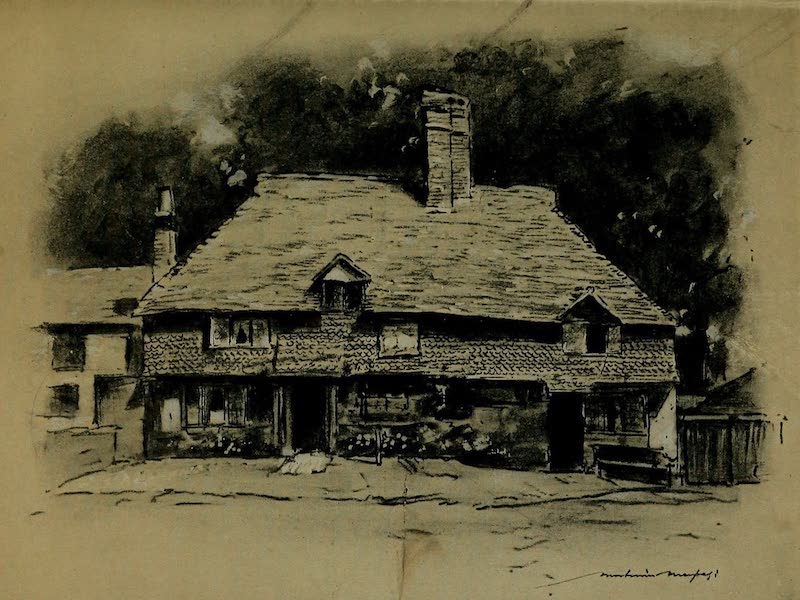 | A Cottage in Surrey
|
 | A Cottage Interior, Telemarken
|
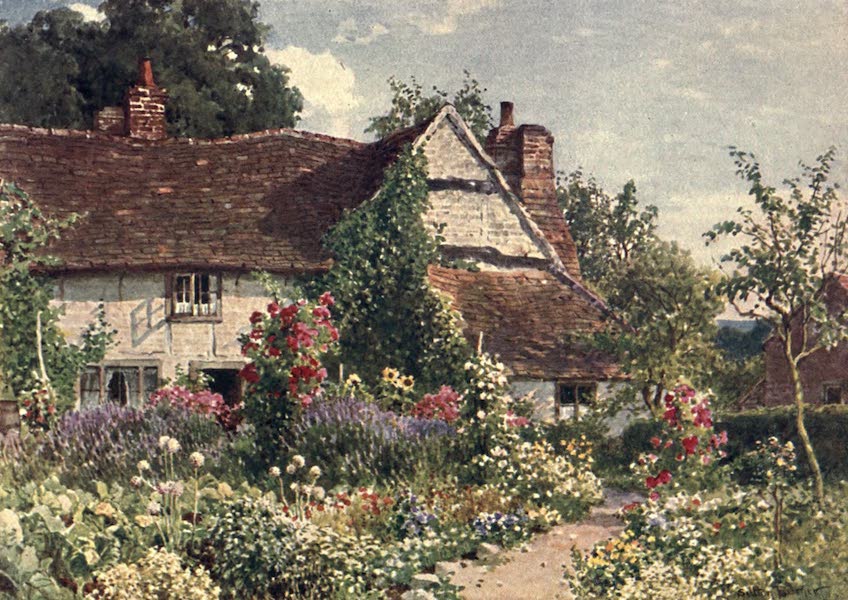 | A Cottage near Bisley
|
![A Cottage Orne [III]](https://historyarchive.org/images/books/books-r/rural-residences-1818/plates/16-a-cottage-orne.jpg) | A Cottage Orne [III]
|
![A Cottage Orne [II]](https://historyarchive.org/images/books/books-r/rural-residences-1818/plates/14-a-cottage-orne.jpg) | A Cottage Orne [II]
|
![A Cottage Orne [I]](https://historyarchive.org/images/books/books-r/rural-residences-1818/plates/12-a-cottage-orne.jpg) | A Cottage Orne [I]
|
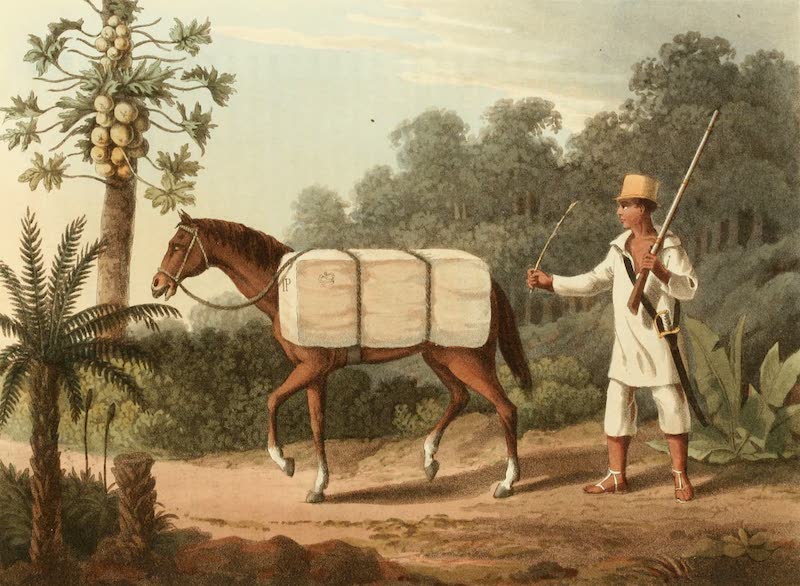 | A Cotton Carrier
|
 | A Cotton-clearer
|
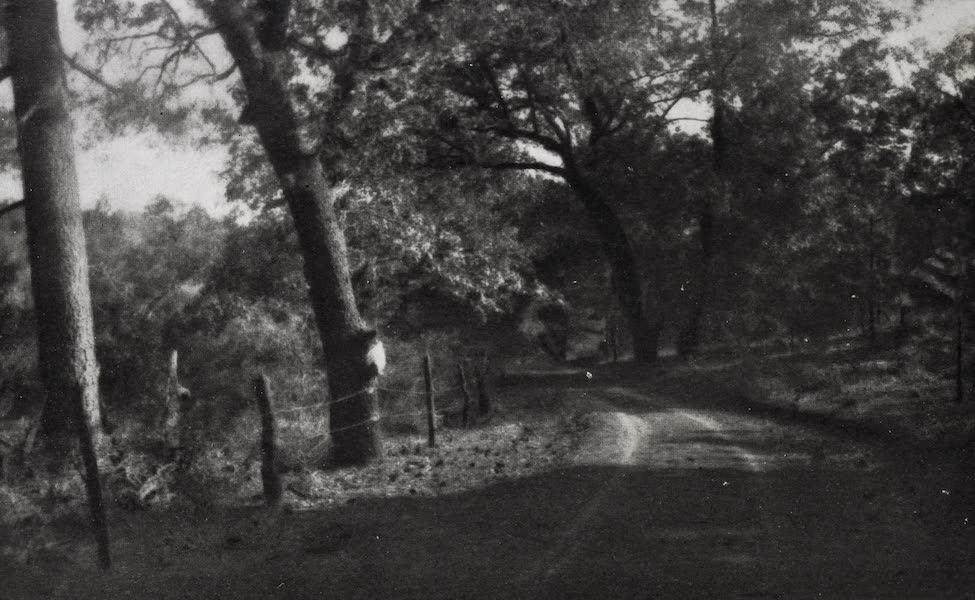 | A Country Byway
|
 | A Country Girl of Upper Carniola in her Holiday Clothes
|
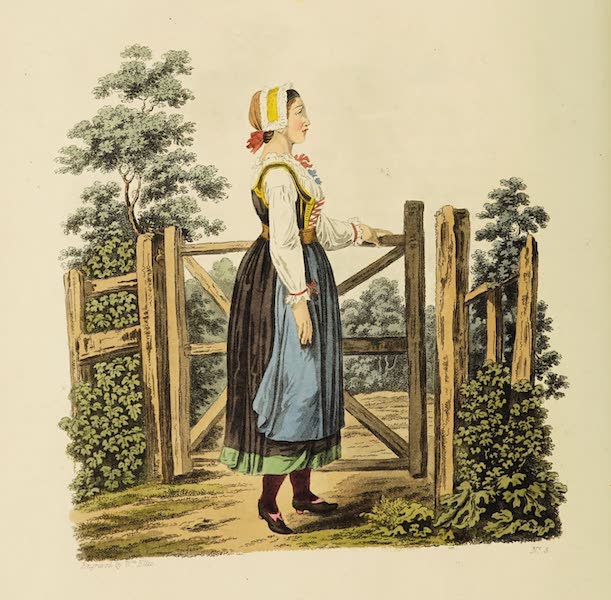 | A Country Girl of Upper Carniola in her Holiday Clothes
|
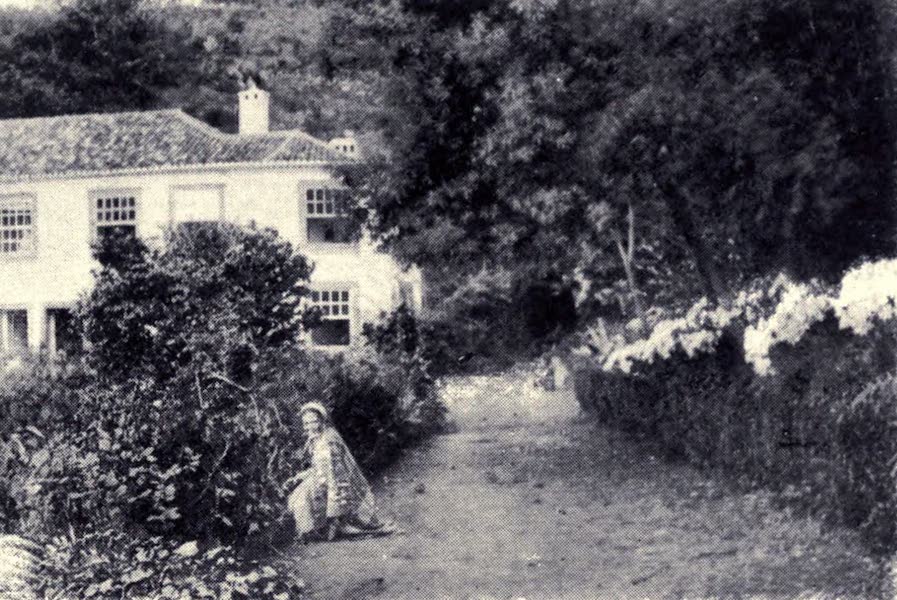 | A Country House at the Mount
|
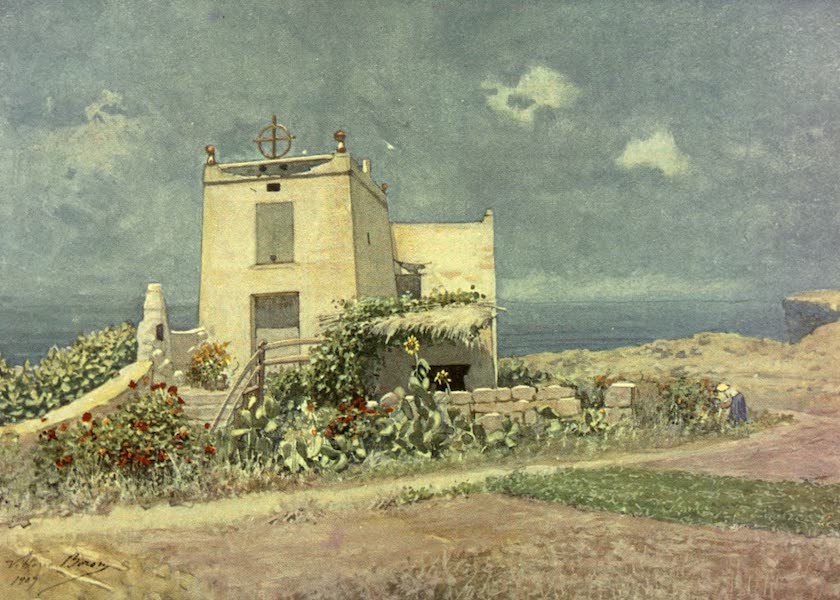 | A Country House in Gozo
|
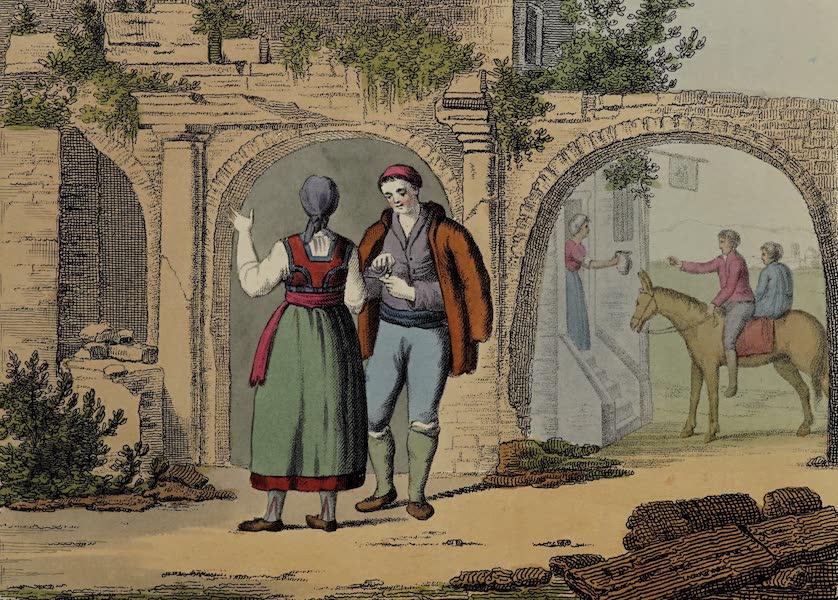 | A Country Inn
|
 | A Country Mayor of the Toula District
|
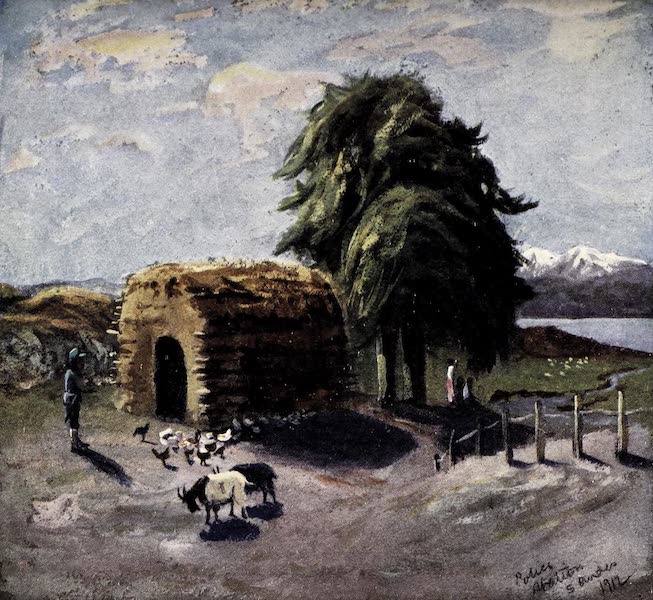 | A Country Police Station
|
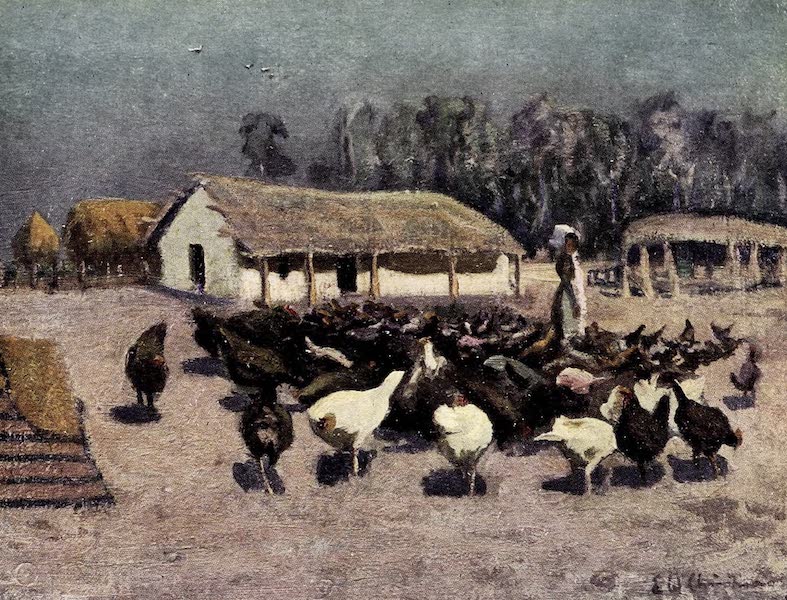 | A Country Police Station
|
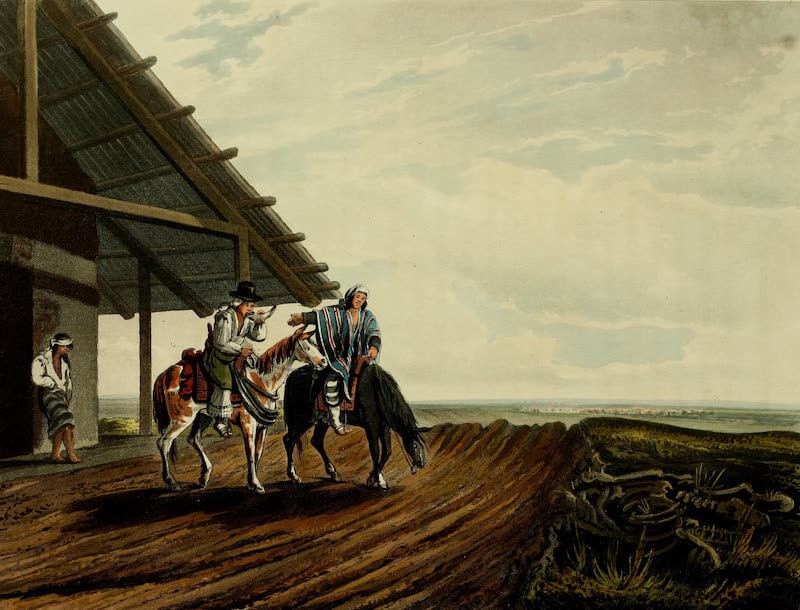 | A Country Public House and Travellers
|
 | A Country Woman of Upper Austria
|
 | A Country Woman of Upper Carniola in her Summer Dress
|
 | A Country Woman of Upper Carniola in her Winter Dress
|
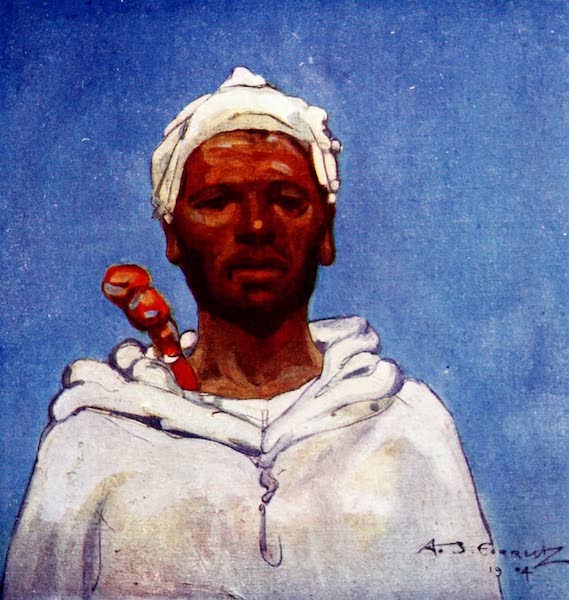 | A Countryman
|
 | A Countrywoman of Flipovan, in the Bukowine
|
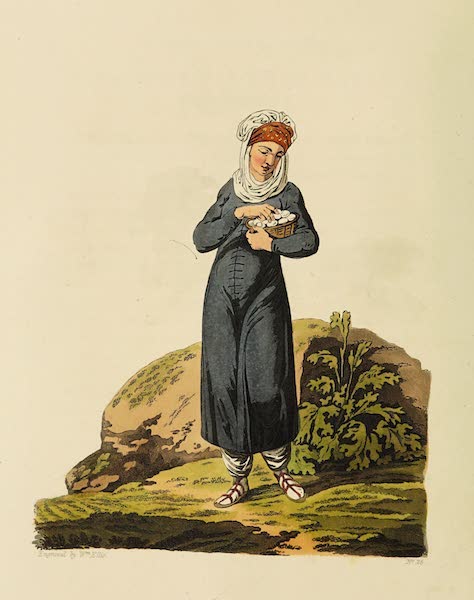 | A Countrywoman of Flipovan, in the Bukowine
|
 | A Countrywoman of the Lowlands of Moravia in her Summer Dress
|
 | A Countrywoman of the Lowlands of Moravia in her Winter Dress
|
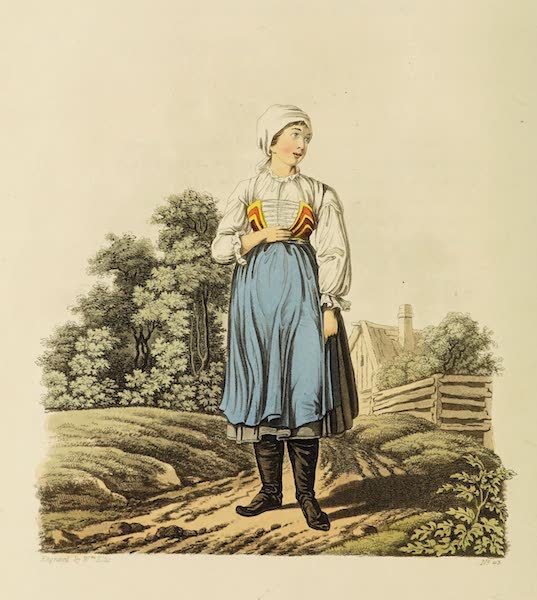 | A Countrywoman of the Lowlands of Moravia, in her Summer Dress
|
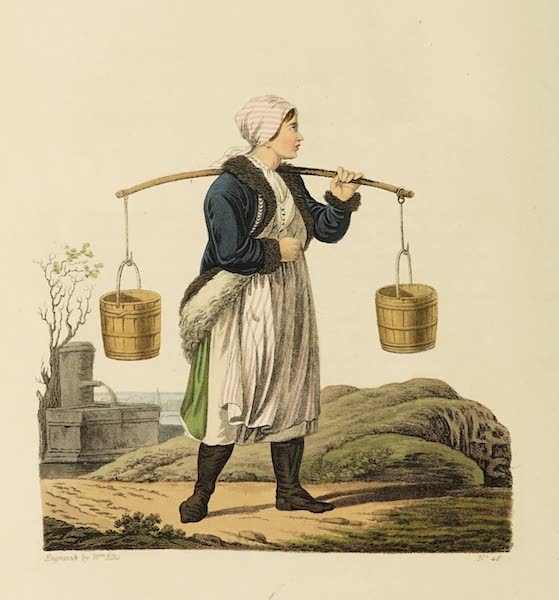 | A Countrywoman of the Lowlands of Moravia, in her Winter Dress
|
 | A Countrywoman of the Mountains of Moravia
|
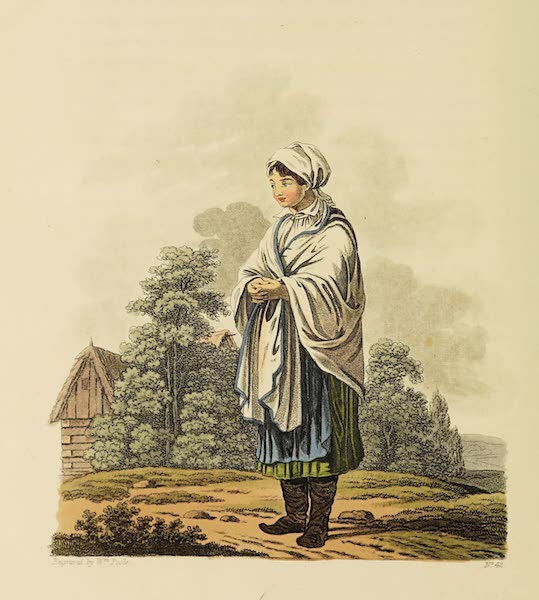 | A Countrywoman of the Mountains of Moravia
|
 | A Countrywoman of Upper Austria
|
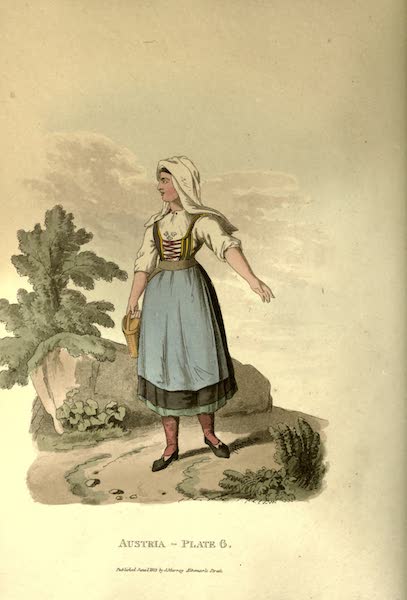 | A Countrywoman of Upper Carniola in her Summer Dress
|
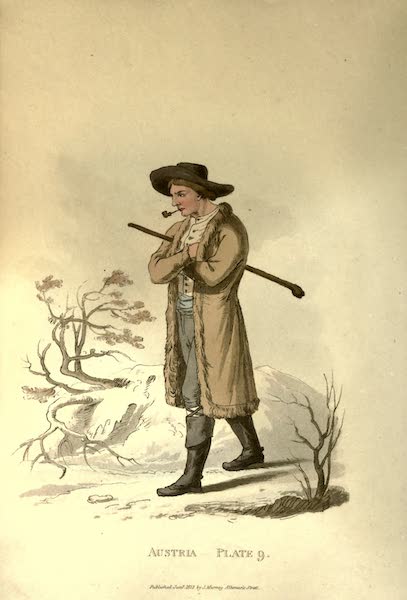 | A Countrywoman of Upper Carniola in her Winter Dress
|
 | A County Cruiser cleared for Action
|
 | A Court near El-Azhar
|
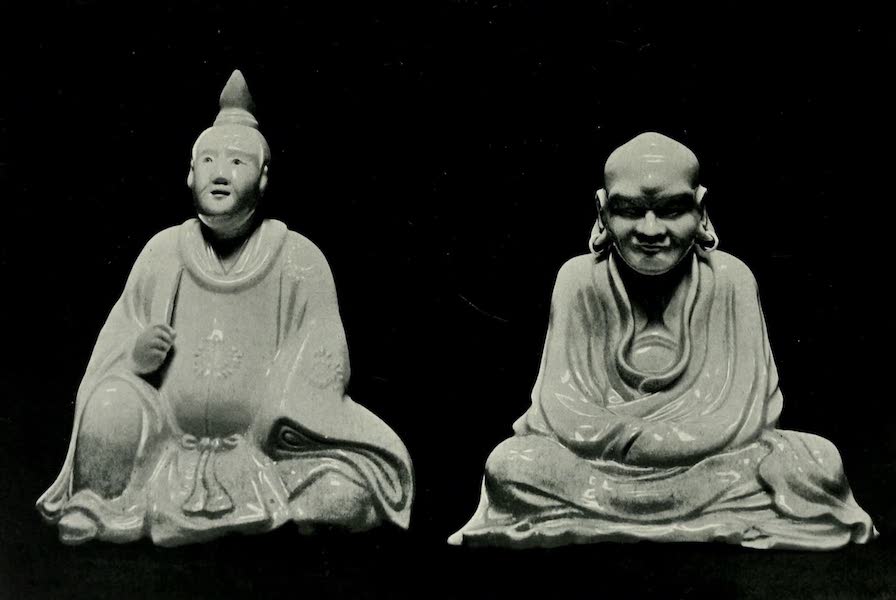 | A Courtier and a Sage
|
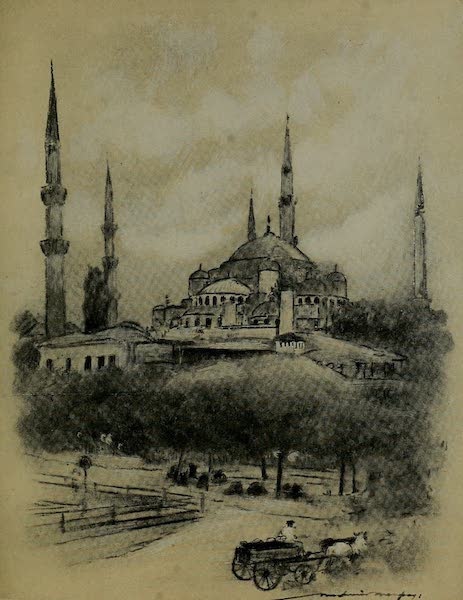 | A Courtyard
|
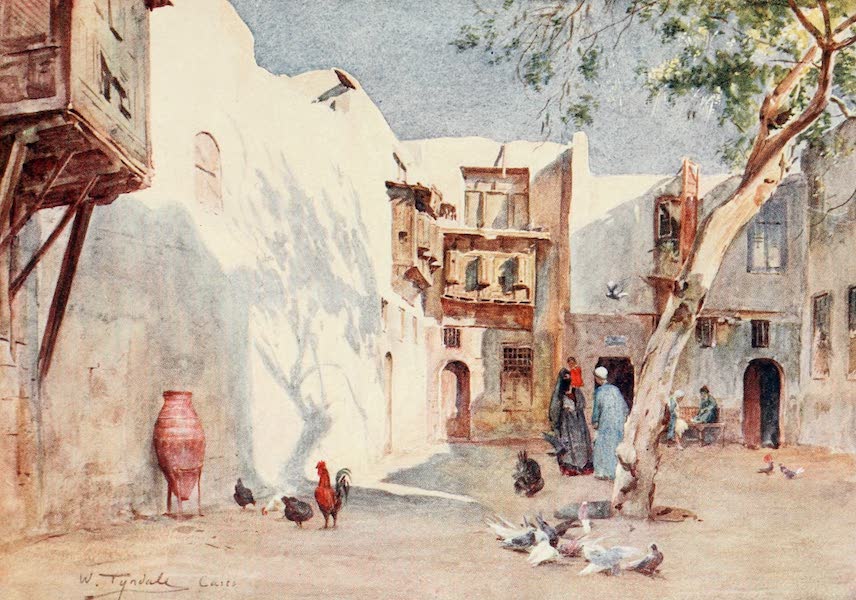 | A Courtyard in the Hanafieh Quarter
|
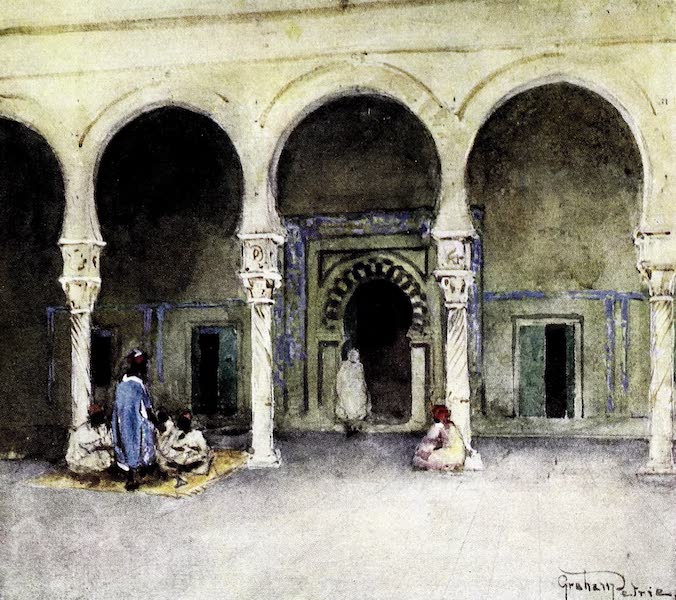 | A Courtyard of the Mosque du Barbier, Kairouan
|
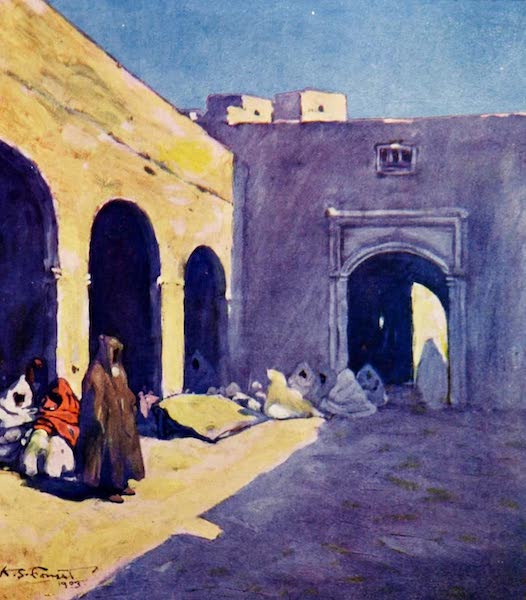 | A Courtyard, Marrakesh
|
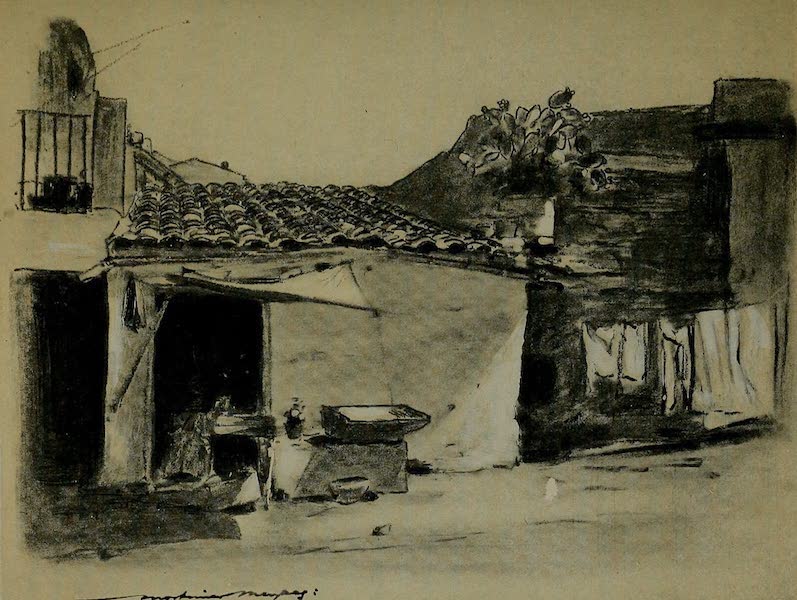 | A Courtyard, Seville
|
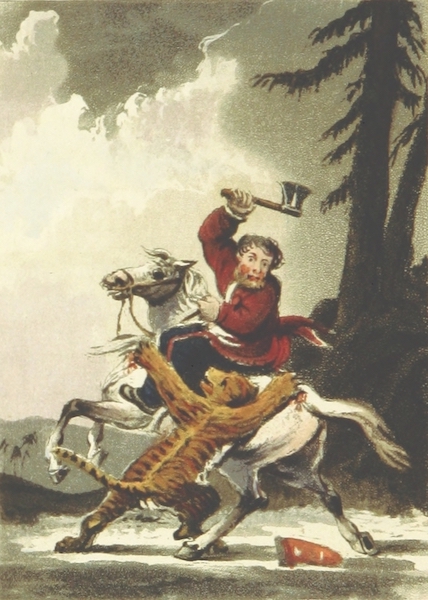 | A Cozak Killing a Tiger in Siberia - 1810
|
 | A Cricket Match at Chertsey. George Morland (Surrey County Cricket Club Pavilion)
|
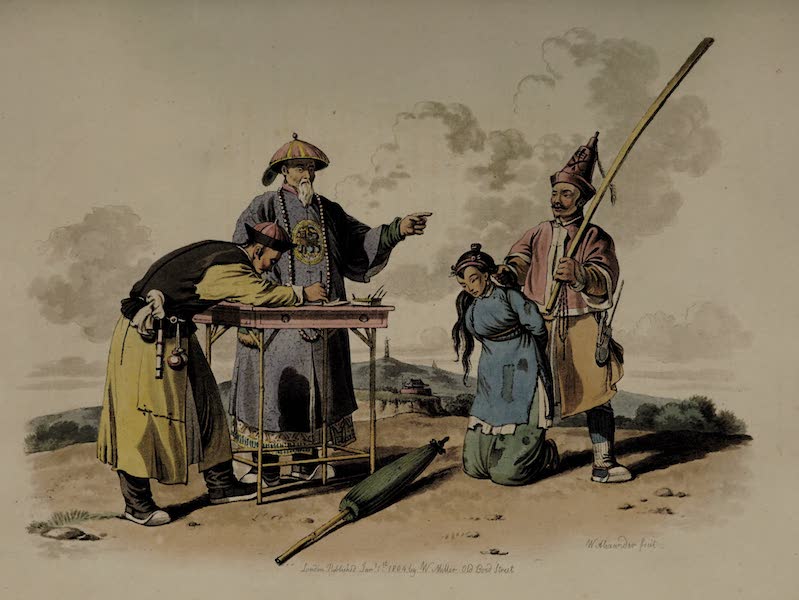 | A Criminal brought before a Magistrate
|
 | A Crinoline Group
|
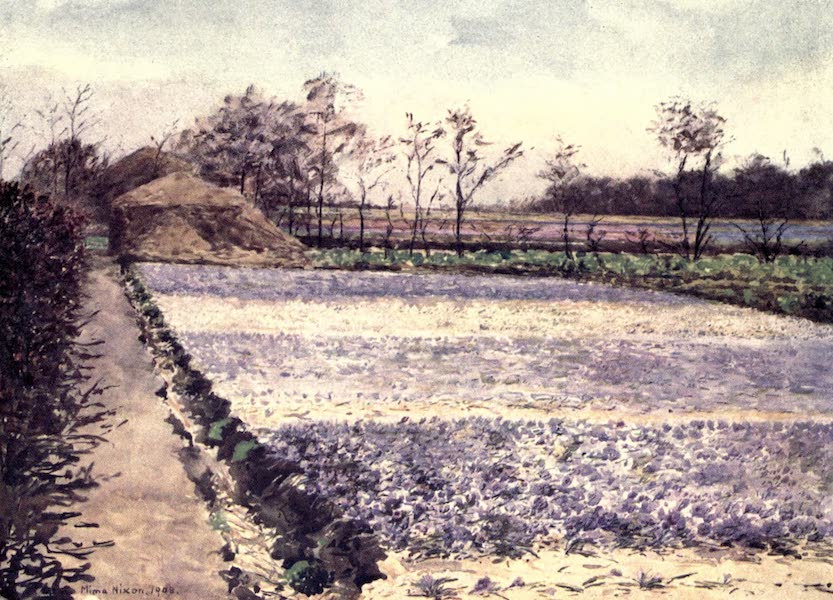 | A Crocus Field
|
 | A Croft near Dalmally, Argyllshire
|
 | A Croft near Loch Etive, Argyllshire
|
 | A Croft near Taynuilt, Loch Etive, Argyllshire
|
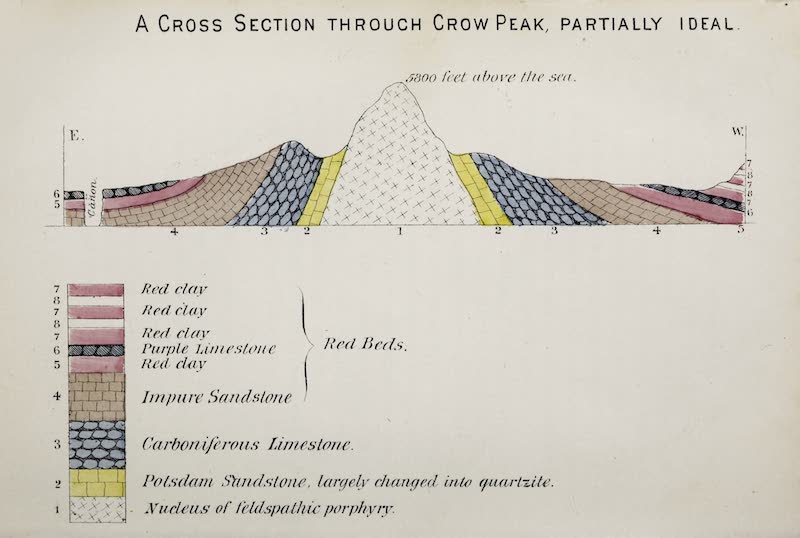 | A Cross Section Through Crow Peak
|
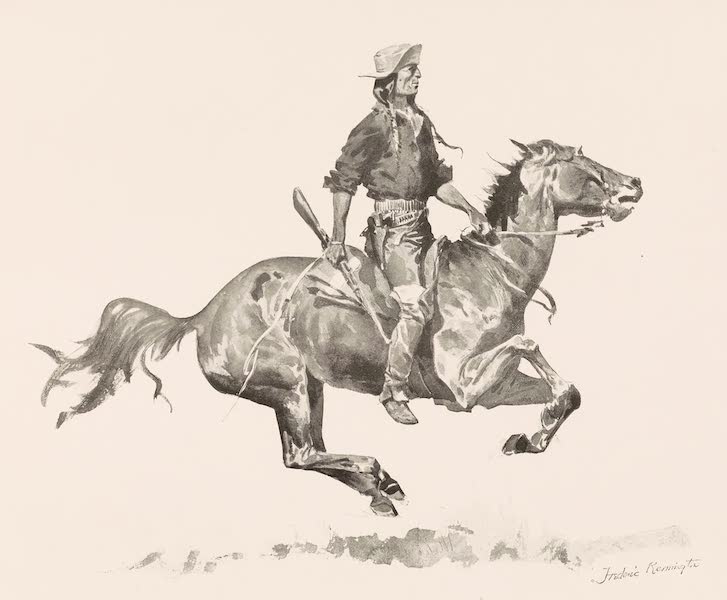 | A Crow Scout
|
 | A Cruiser Action off the Scillies. Manoeuvres. 1901
|
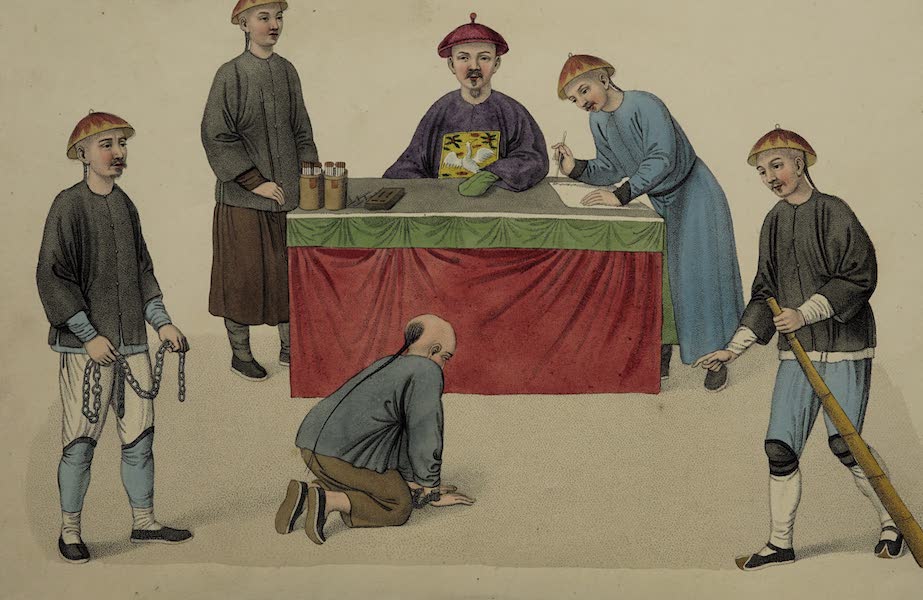 | A Culprit before a Magistrate
|
 | A Culprit conducted to Trial
|
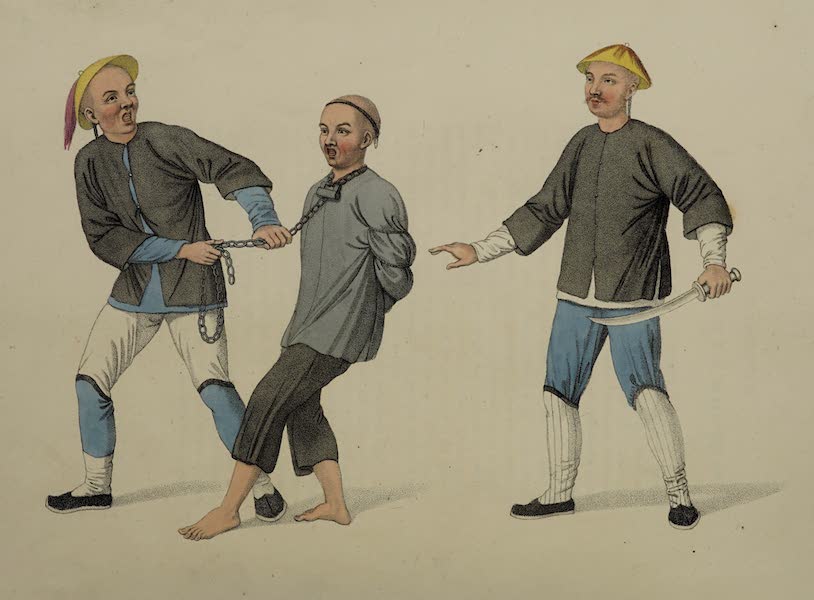 | A Culprit conveyed to Prison
|
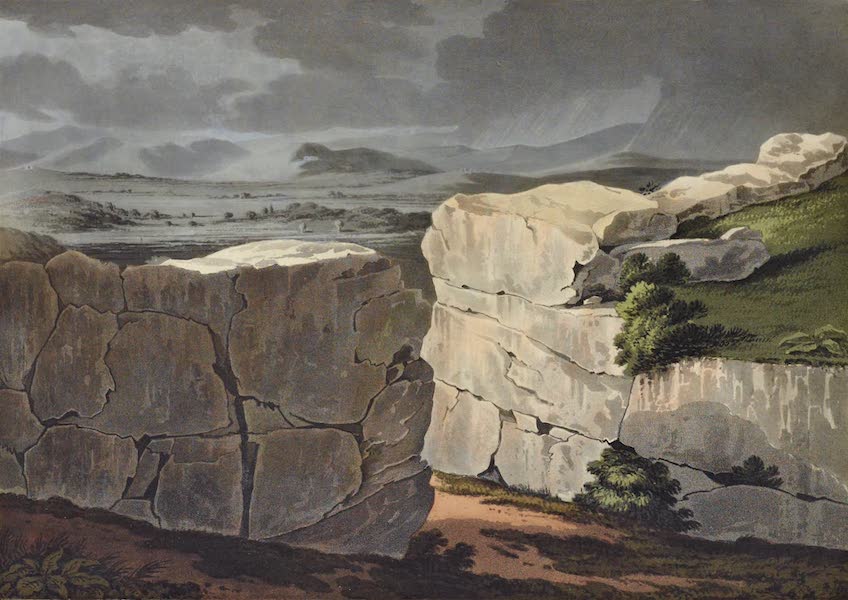 | A Cyclopian Gate at Segni
|
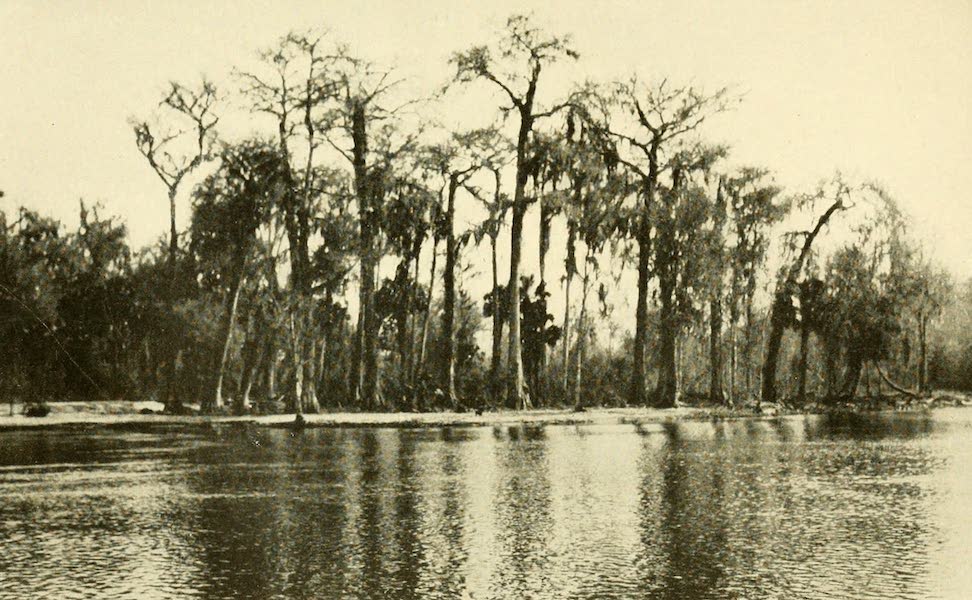 | A Cypress Swamp Along the Ocklawaha River
|
 | A Dahoman Labourer
|
 | A Daimio and Family Witnessing Fireworks
|
 | A Daimio Paying a State Visit
|
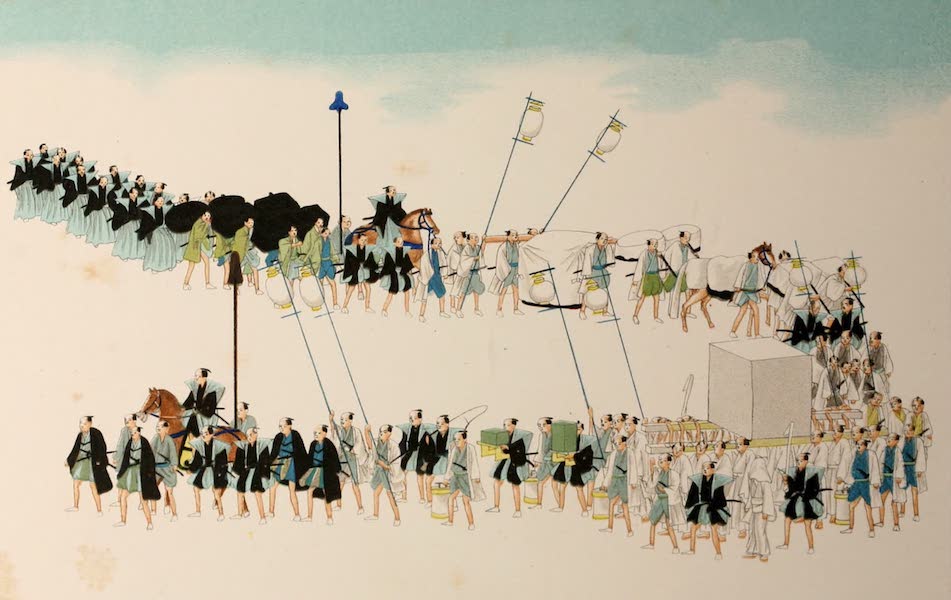 | A Daimio's Funeral
|
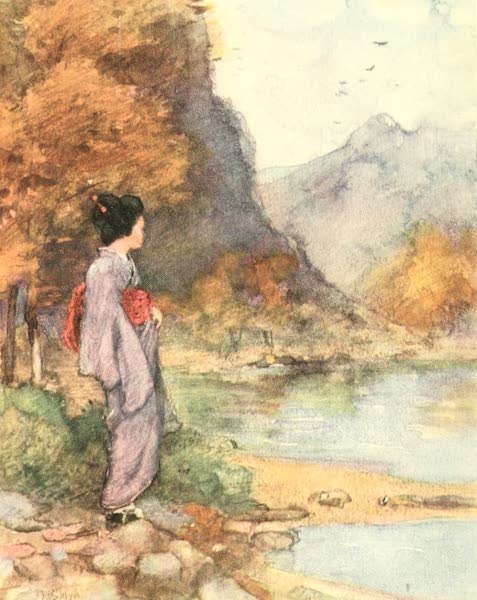 | A Dainty Figure standing by some calm Lake
|
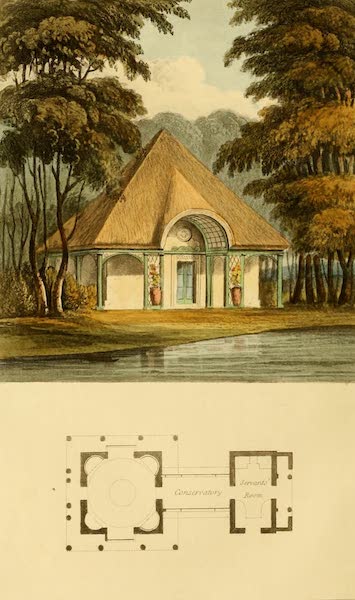 | A Dairy
|
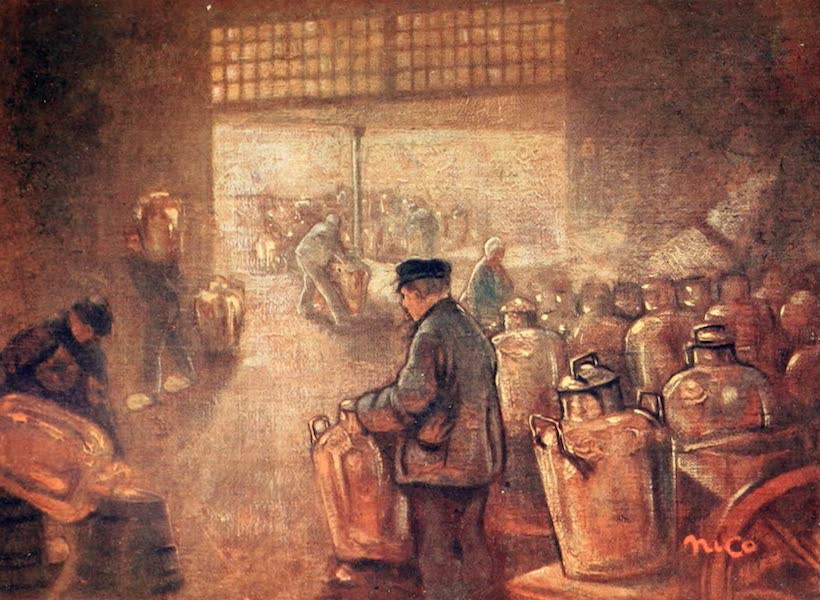 | A Dairy
|
 | A Dairy Farm, Farnham
|
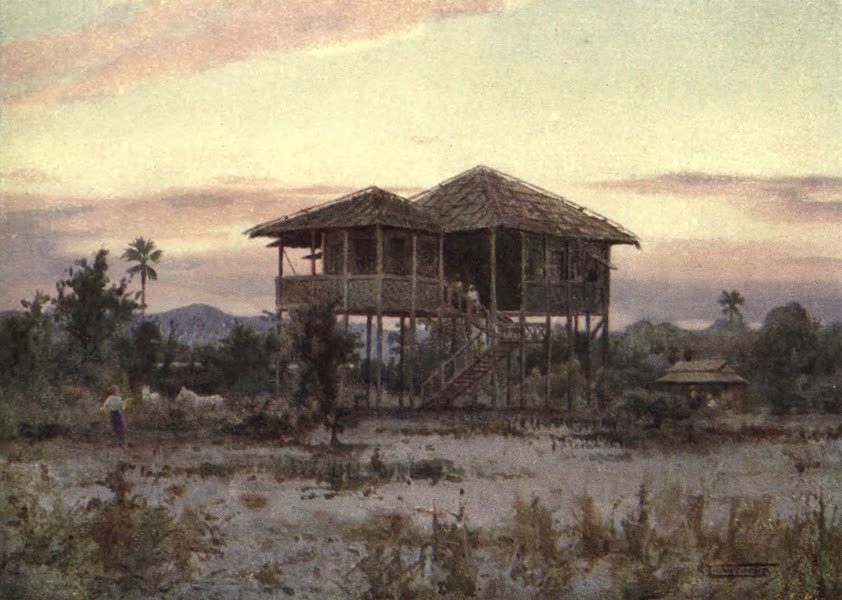 | A Dak Bungalow
|
 | A Dak Bungalow
|
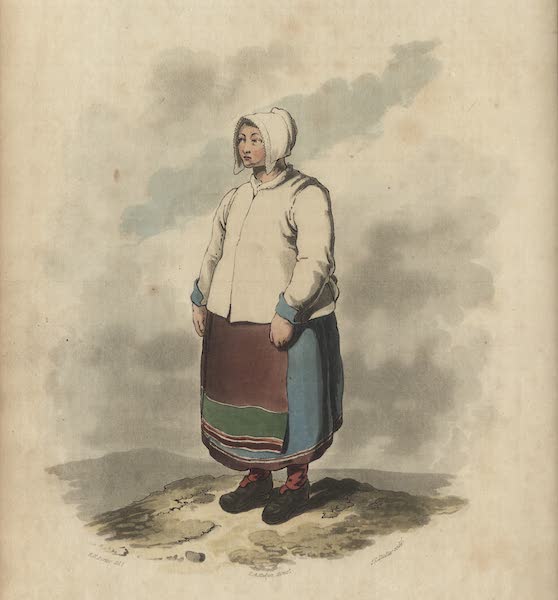 | A Dalecarlian Female Peasant
|
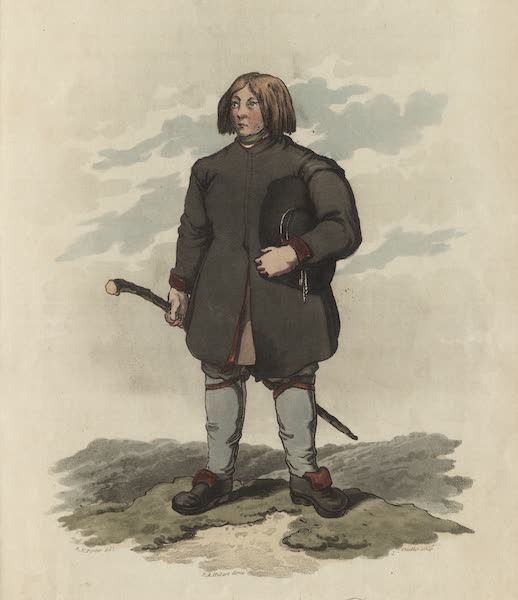 | A Dalecarlian Peasant
|
 | A Dalecarlion Female Peasant
|
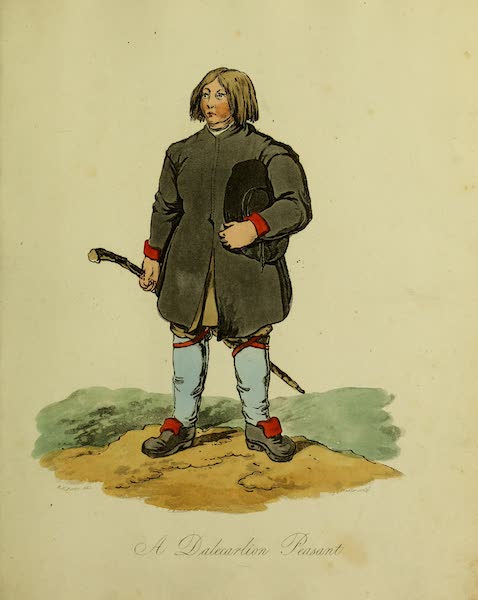 | A Dalecarlion Peasant
|
 | A Damascene Interior
|
 | A Dance at Genin
|
 | A Dance at Laguna
|
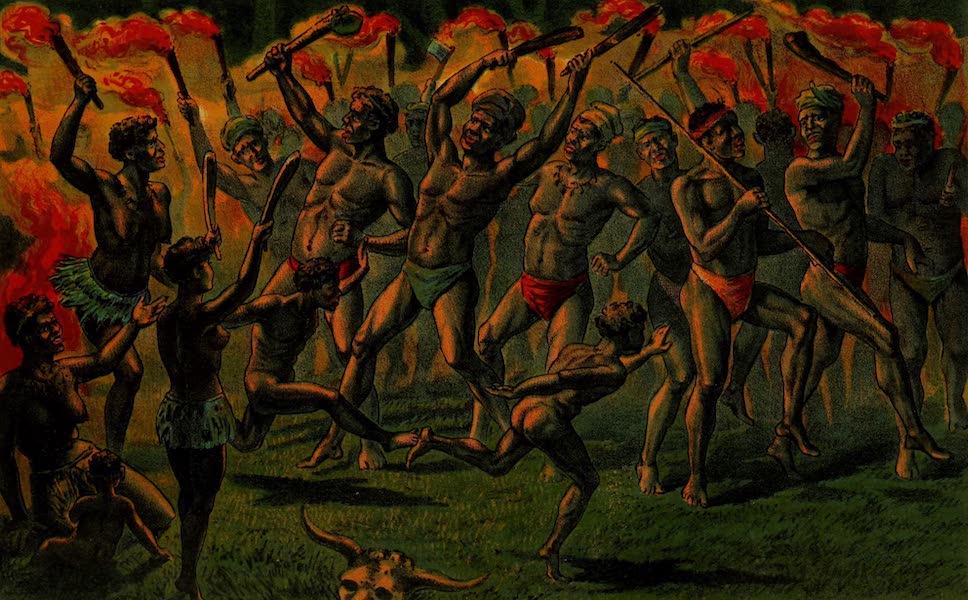 | A Dance by Torchlight
|
 | A Dance in Little Russia
|
 | A Dancing Girl
|
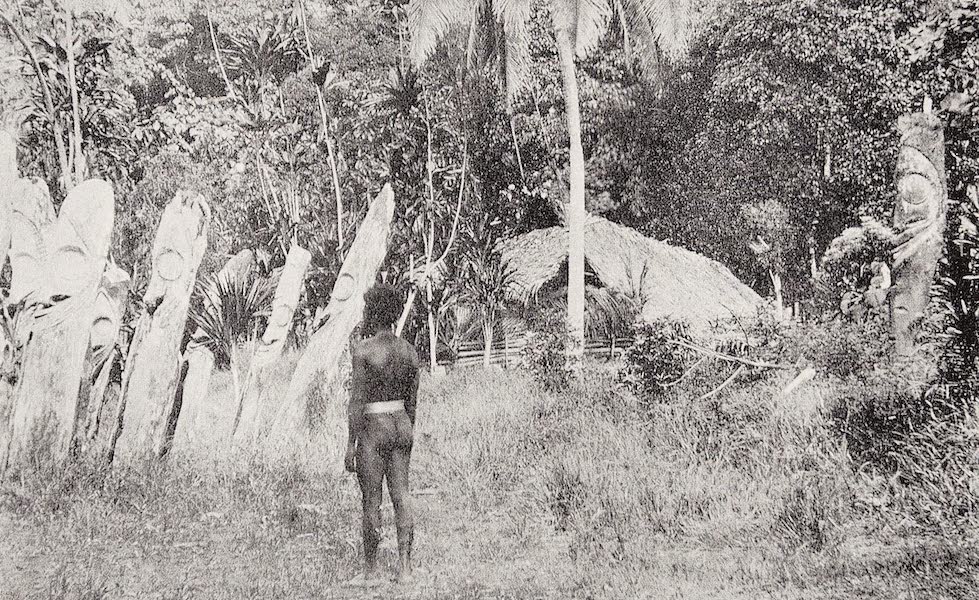 | A Dancing Ground and Drums at Port Sandwich
|
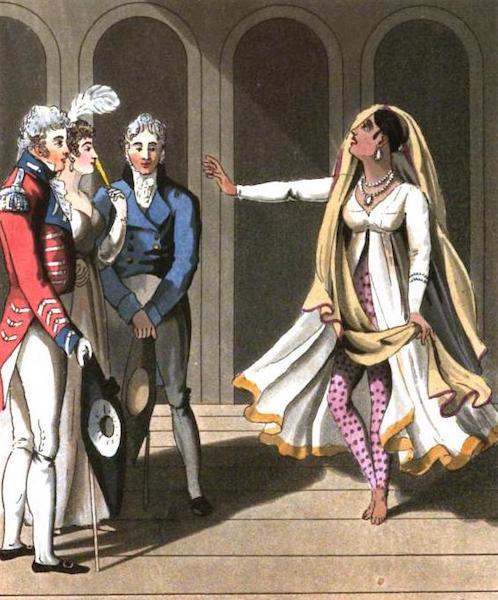 | A Dancing Woman of Bengal, exhibiting before an European Family
|
 | A Dancing Woman, of Lueknow, exhibiting before an European Family
|
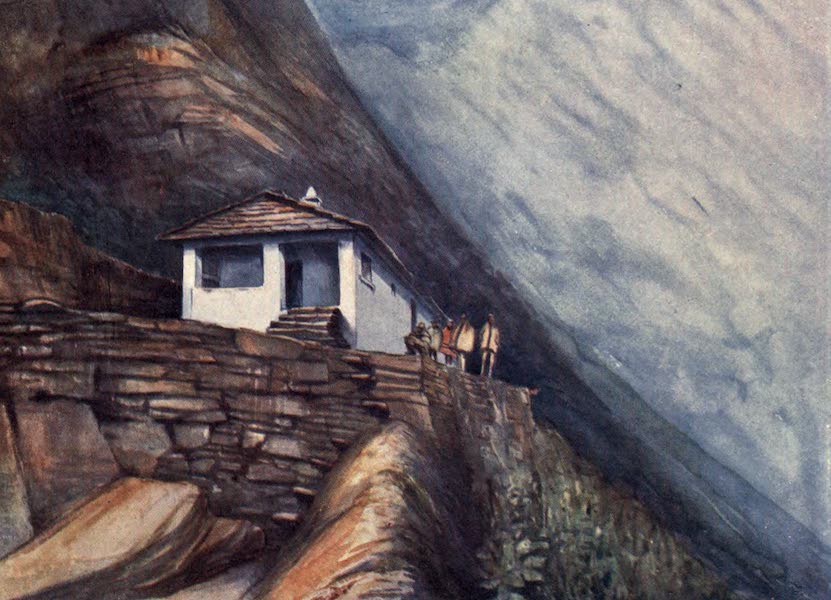 | A Daramsalla
|
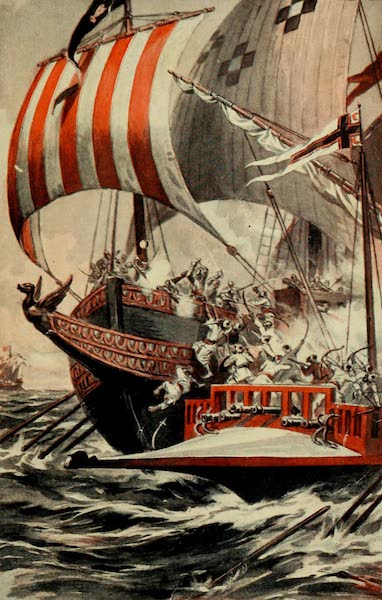 | A Daring Attack
|
 | A Daughter of Mizraim
|
 | A Day's Catch of Walrus
|
 | A Dead City, Selinous
|
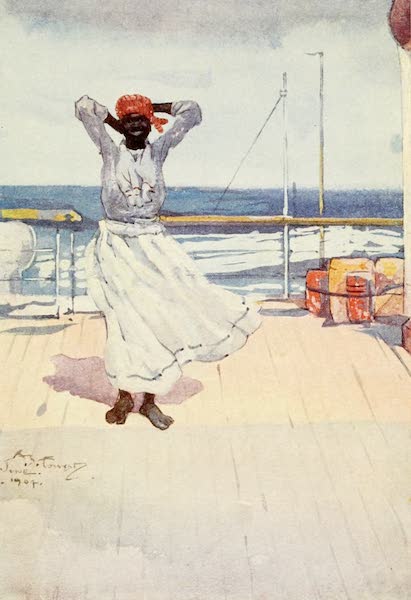 | A Deck-Passenger
|
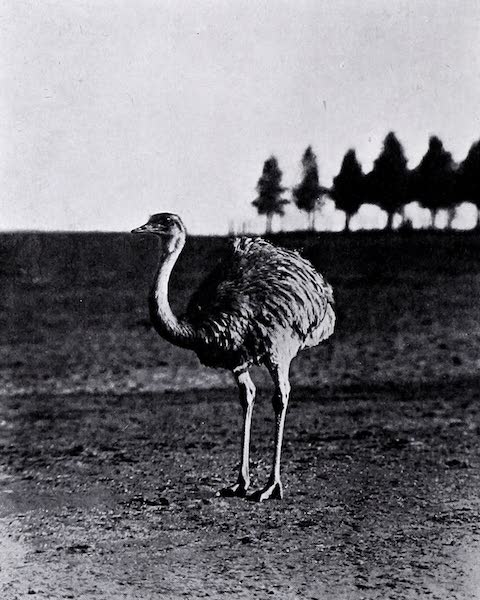 | A Denizen of the Pastures
|
 | A Denizen of the Pastures
|
 | A Dervise
|
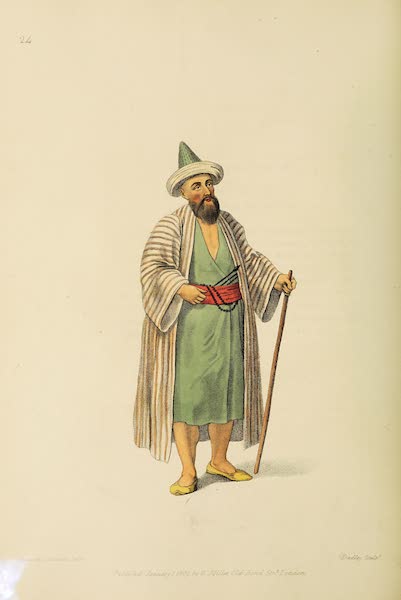 | A Dervise
|
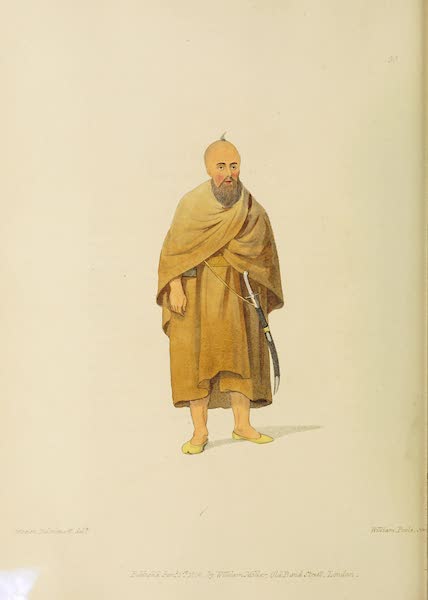 | A Dervise of Syria
|
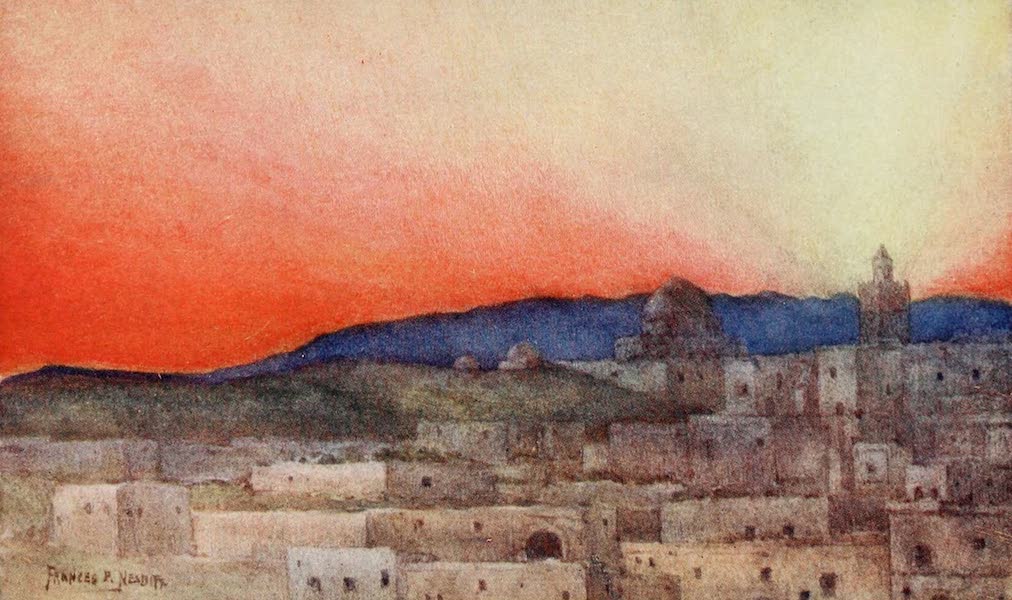 | A Desert Afterglow
|
 | A Desert Courier
|
 | A Desert Dawn in the Great Southwest
|
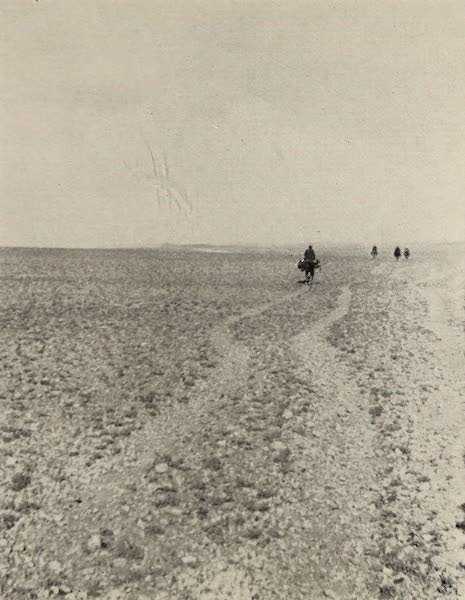 | A Desert Road. From a Photograph
|
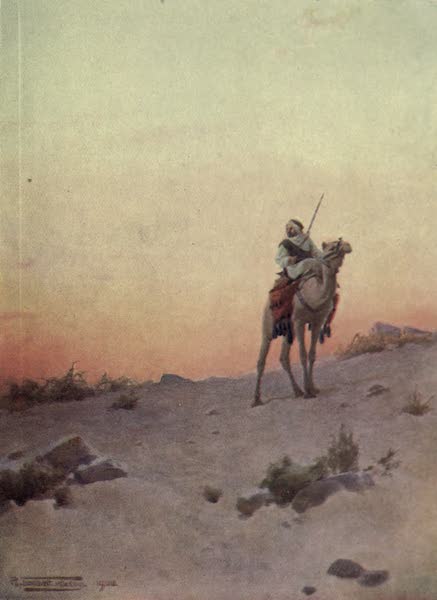 | A Desert Scout
|
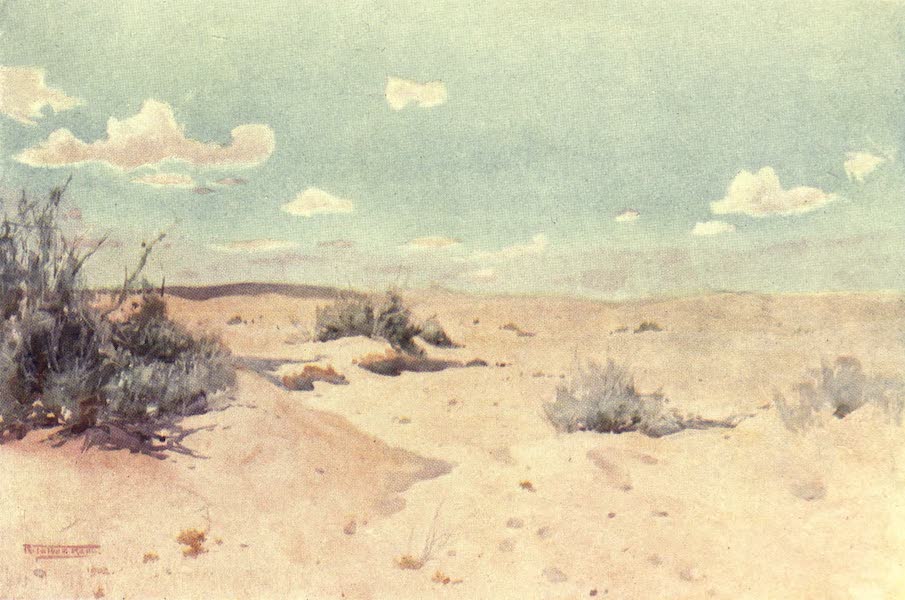 | A Desert Study at Tel-el-Kebir
|
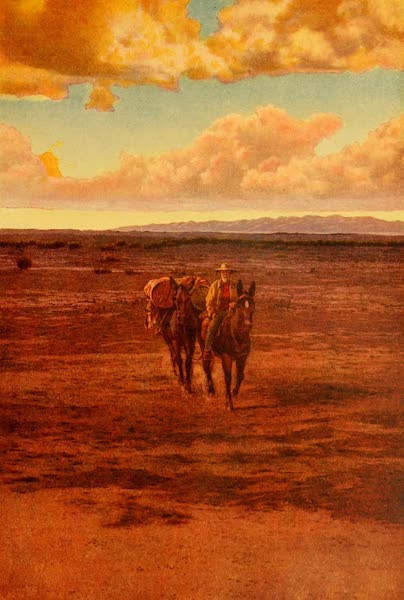 | A Desert that has been Redeemed
|
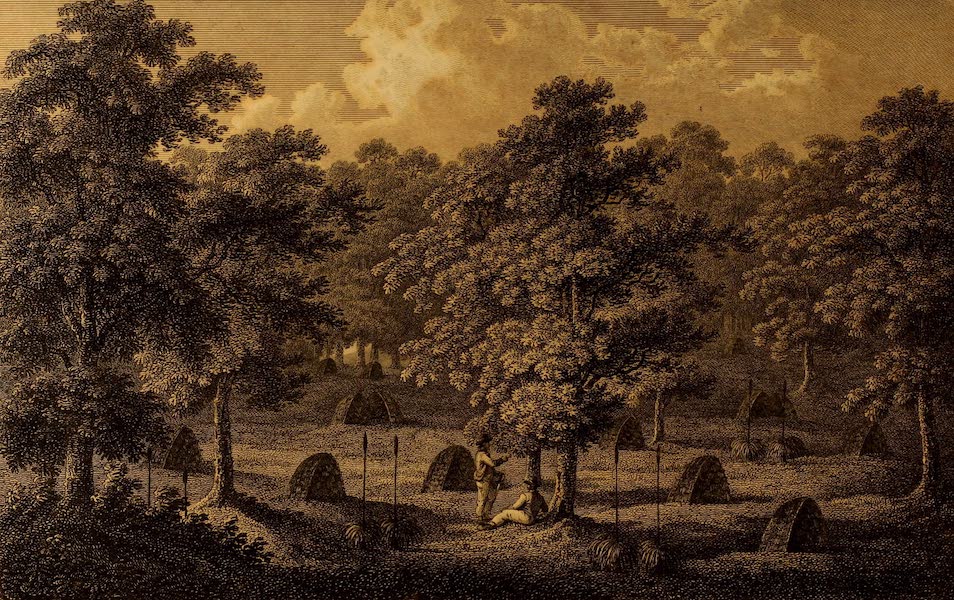 | A Deserted Indian village in King George the Third's sound, New Holland
|
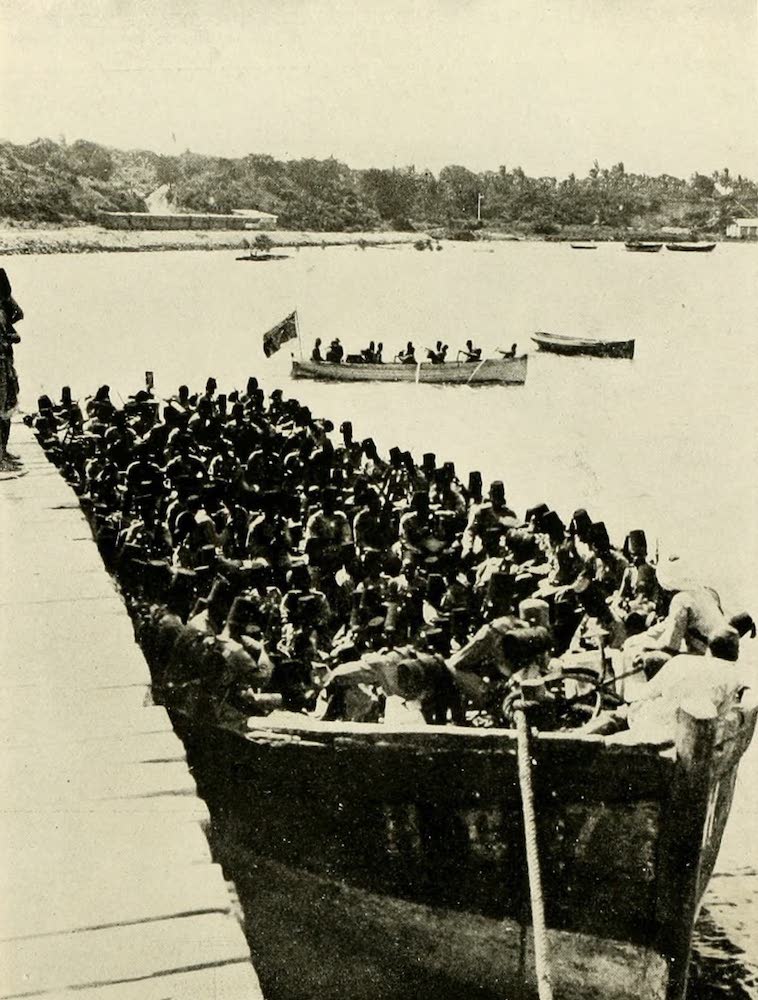 | A Detachment of African Fighters
|
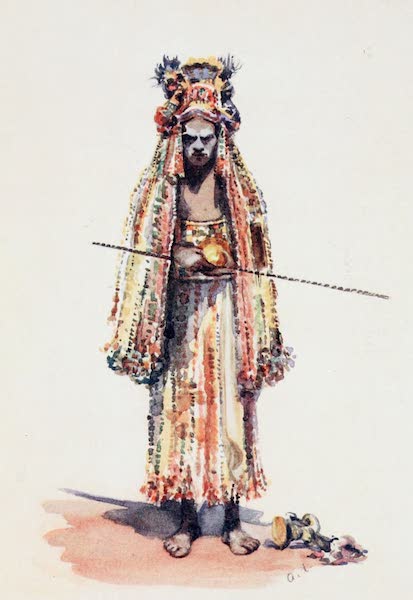 | A Devil-Dancer of South India
|
 | A Devonshire Cottage
|
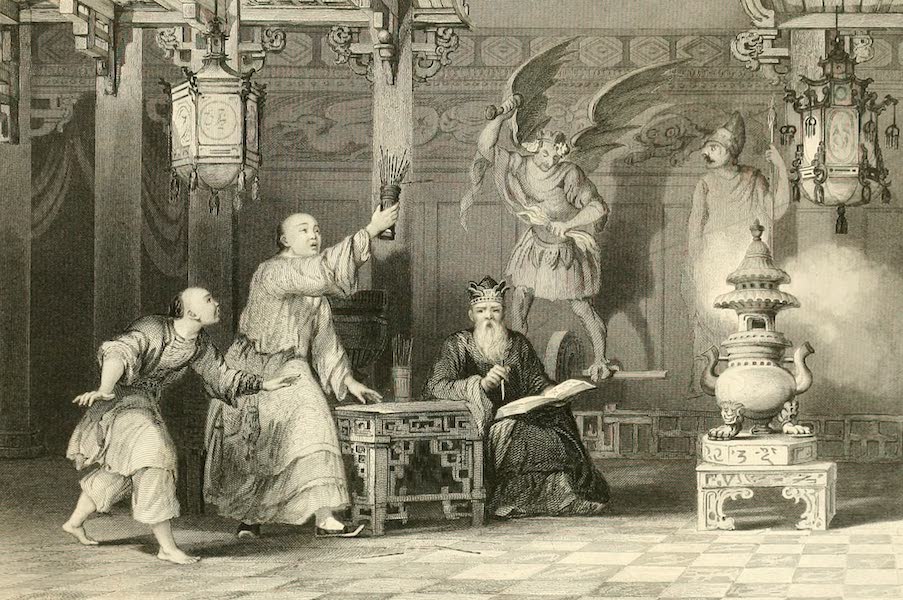 | A Devotee consulting the Sticks of Fate
|
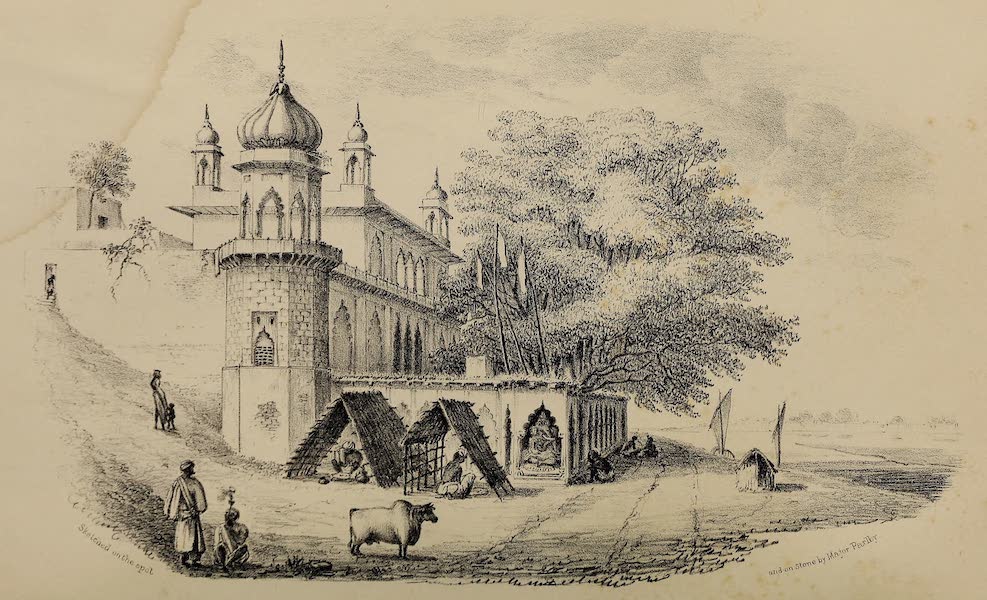 | A Dhurmsala Bene Mahadeo Chaut
|
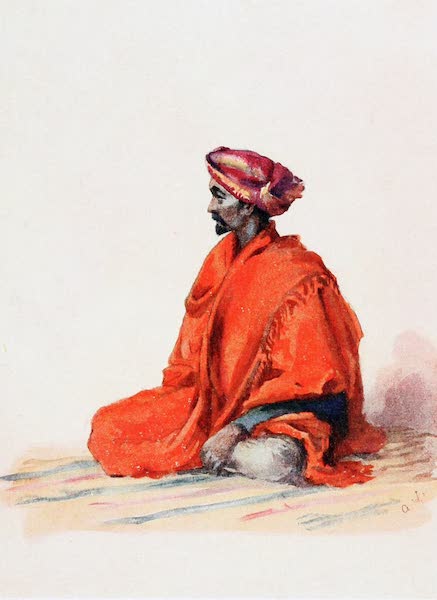 | A Dhurzi or Tailor : a Muhammadan
|
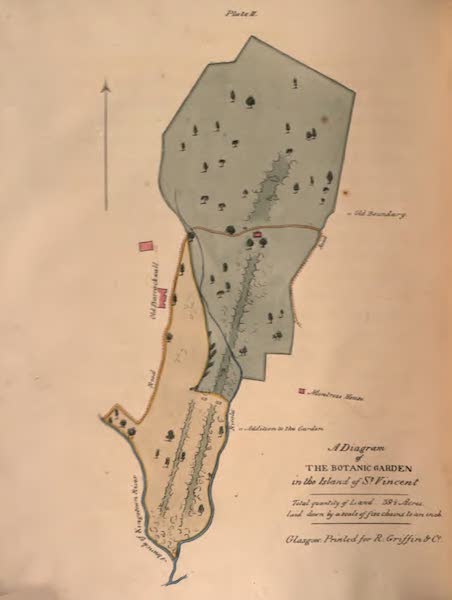 | A Diagram of the Botanic Garden in the Island of St. Vincent
|
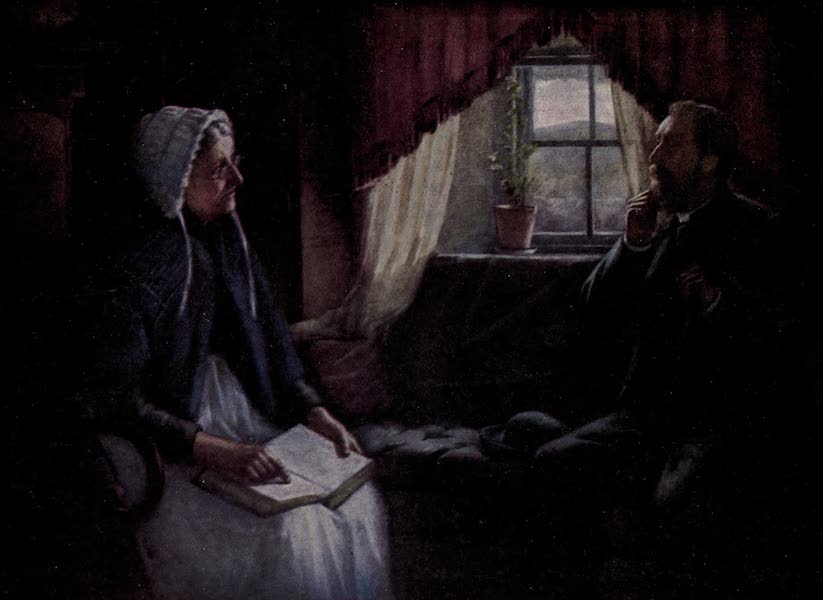 | A Difficult Text
|
 | A Direction Post on the Highway near Rome
|
 | A Dish of Tea from a Samovar
|
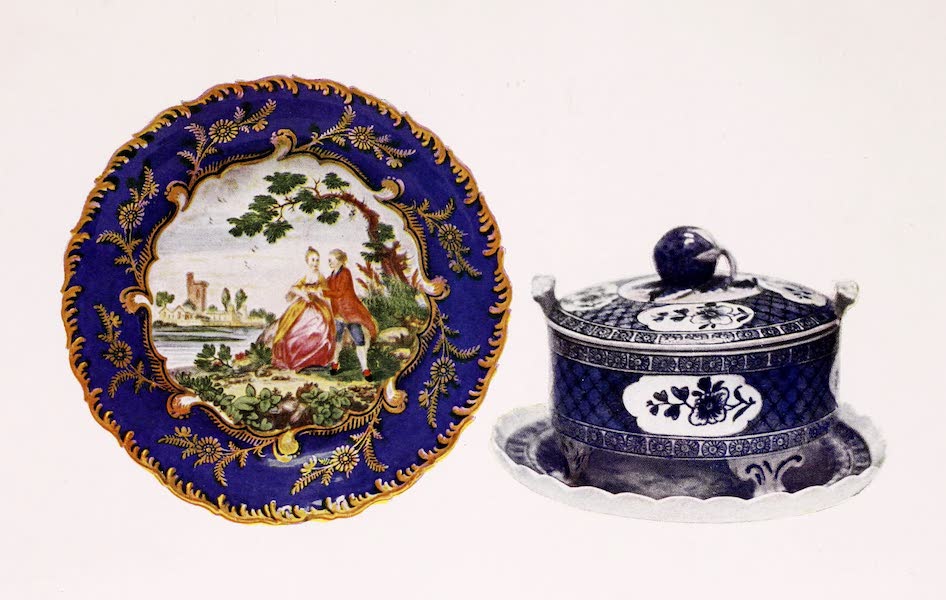 | A Dish with Watteau-like Figures and a Blue and White Butter Dish
|
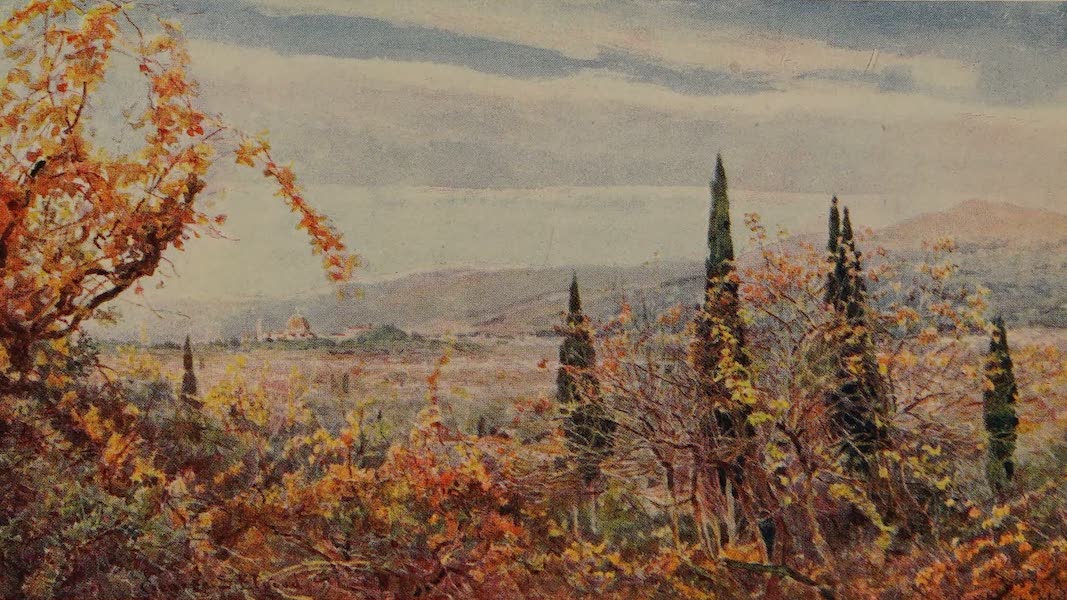 | A Distant View of Florence
|
 | A Distant View of Florence
|
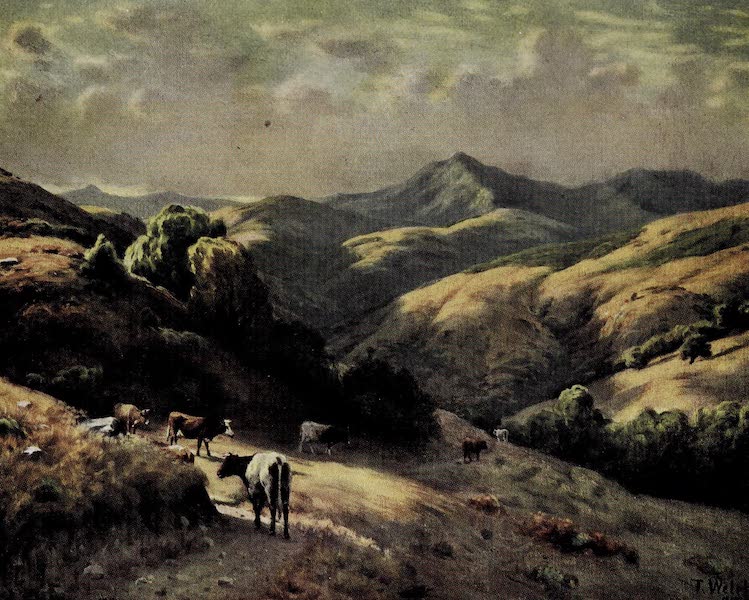 | A Distant View of Mt. Tamalpais
|
 | A Distant View of the Penna Convent
|
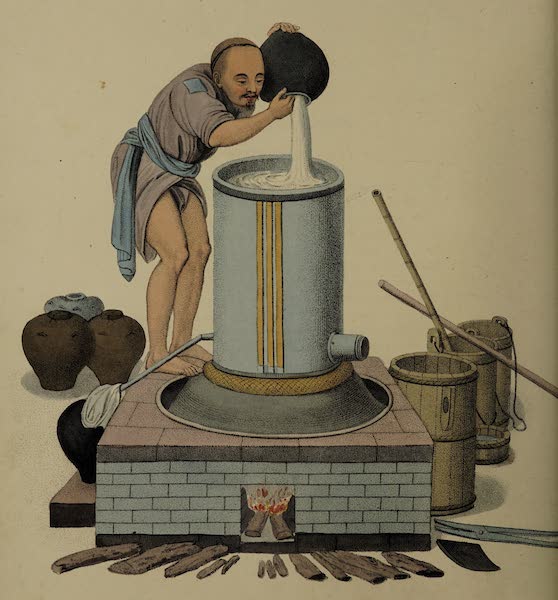 | A Distiller
|
 | A Distinguished Native Regiment
|
 | A Doctor of Salamanca
|
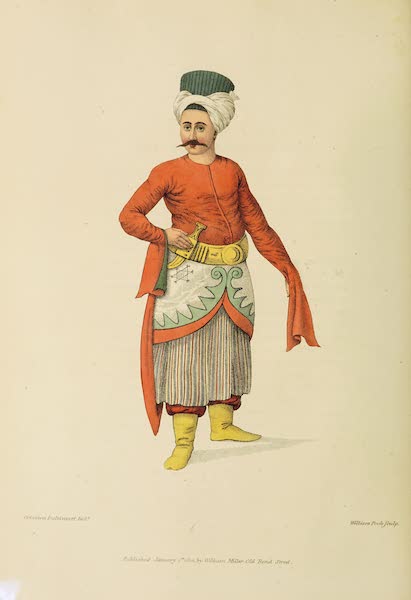 | A Domestic belonging to the Grand Vizier
|
 | A Domestic Chapel
|
 | A Doomed Rhinoceros
|
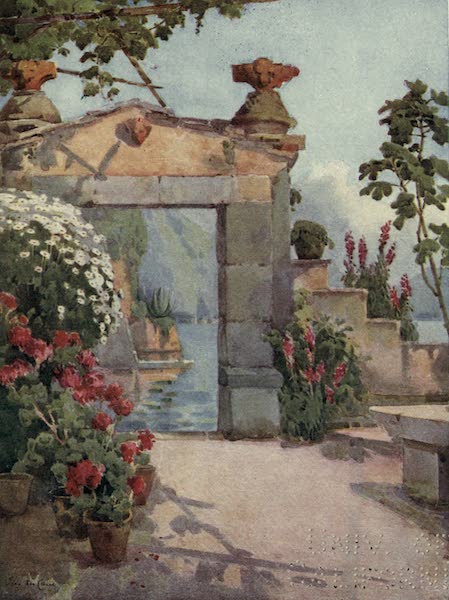 | A Doorway at Varenna, Lago di Como
|
 | A Doorway in South Square, Gray's Inn
|
 | A Doorway, Poona
|
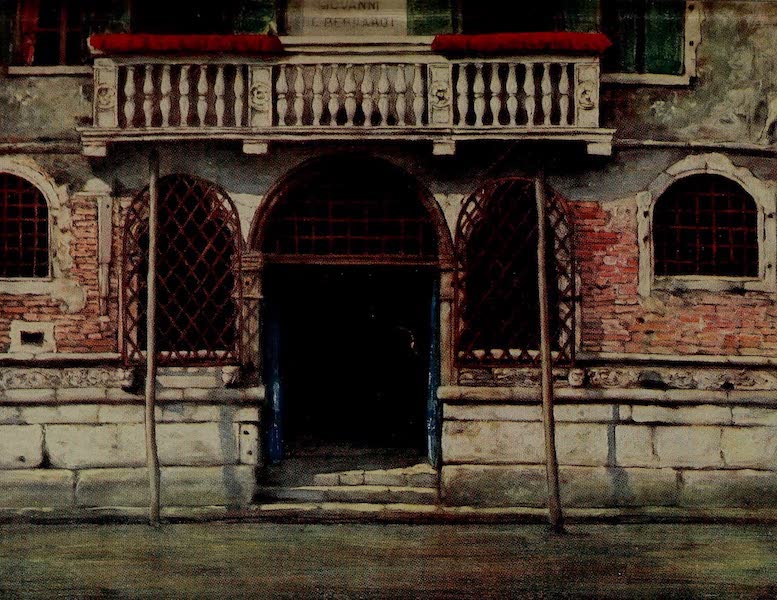 | A Doorway, Venice
|
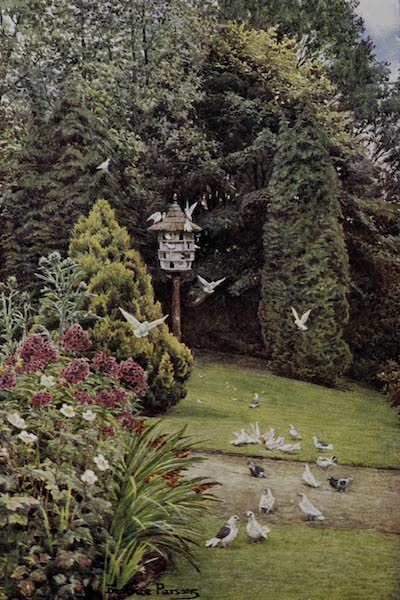 | A Dovecot in a Sussex Garden
|
 | A dramatic scene on the Chinese stage
The principal story of the piece, of which this scene represents a part, is taken from the ancient history of the country. It opens with the account of an emperor of China and his empress, who, in the midst of perfect felicity and apparent security, are surprised by a sudden revolt among their subjects. A war ensues; many battles are fought upon the stage; and at length the archrebel, a general of cavalry, characterized on the stage by a whip in his hand, overcomes his sovereign, whom he slays with his own hand. The captive empress appears in all the agonies of despair naturally resulting from the loss of her husband, as well as of her state and dignity, and indeed danger of her honour Whilst she is uttering lamentations, and rending the skies with her complaints, the conqueror enters. Of this scene the plate is a representation. He approaches her with respect, addresses her in a gentle tone, attempts to soothe her sorrows, talks of love and adoration; and, like Richard the Third and Lady Anne in Shakspeare, in less than half an hour prevails on her to dry up her tears, to forget a dead husband, and to console herself with a living one. The persuasions of her own officers and attendants in favour of the general, have more weight with the lady than the supplicating priest, who, prostrate on the ground, intreats her not to marry the murderer of her husband. The piece concludes as usual with the nuptials, and a grand procession. The dresses worn by the ancient Chinese are still preserved in the drama. The band of music has its situation on the back part of the stage there is no change of scene; and, in general, the front of the theatre is exposed to the open air. |
![A draught of the sands, channels buoyes beacons and sea marks upon the coast of England -- [Inset] The river of Thames from London Bridge to Tilburyhope](https://historyarchive.org/images/books/books-a/atlas-maritimus-or-a-book-of-charts-1672/plates/04-a-draught-of-the-sands-channels-buoyes-beacons-and-sea-marks-upon-the-coast-of-england.jpg) | A draught of the sands, channels buoyes beacons and sea marks upon the coast of England -- [Inset] The river of Thames from London Bridge to Tilburyhope
|
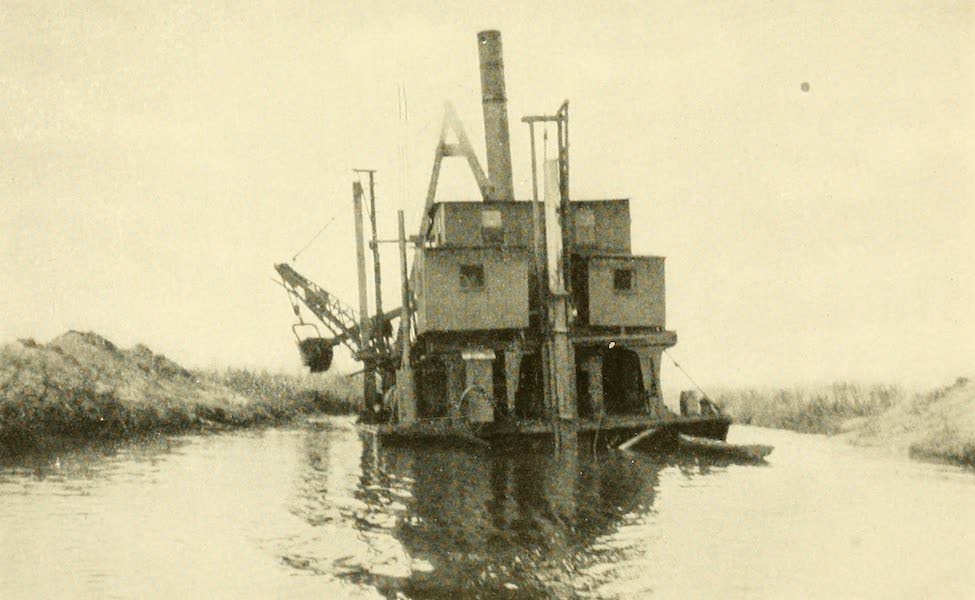 | A Dredge in the Everglades
|
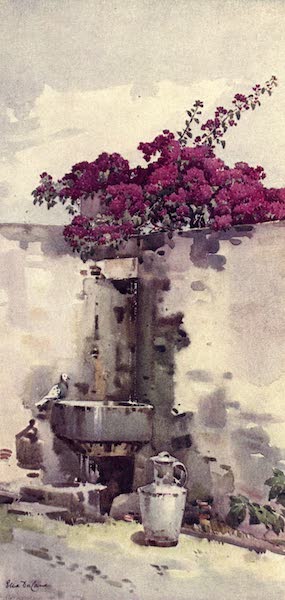 | A Drinking Fountain
|
 | A Droshky-Driver Kissing his Horse Good-morning
|
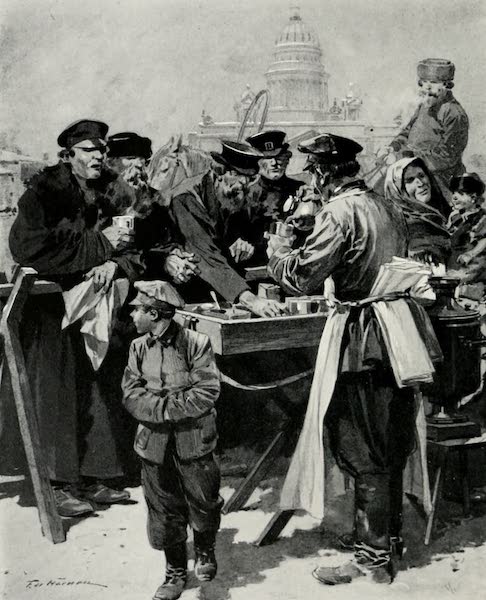 | A Droshky-Drivers' Tea-Stall
|
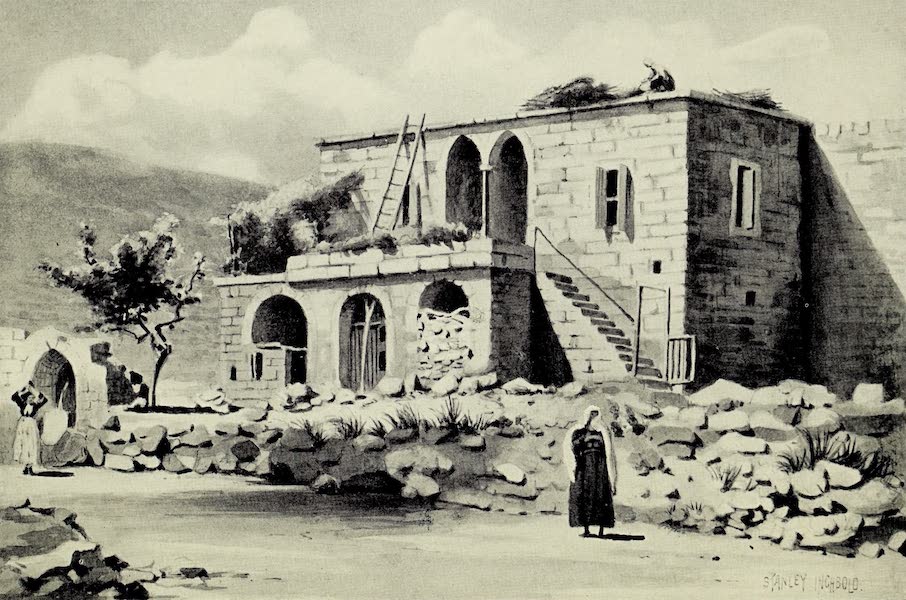 | A Druse House, Mount Lebanon
|
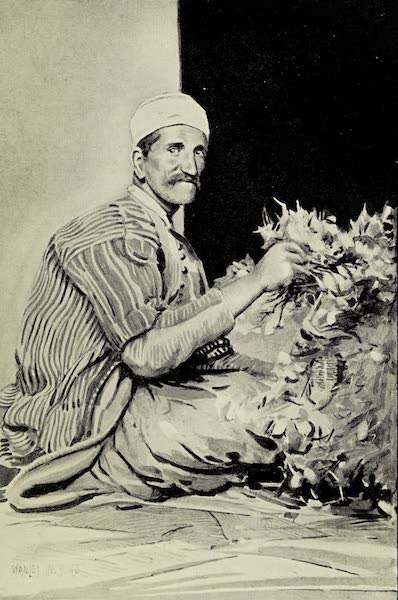 | A Druse with his Silk-Worm Cocoons
|
 | A Druze Bride
|
 | A Druze Sheikh
|
 | A Druze Woman
|
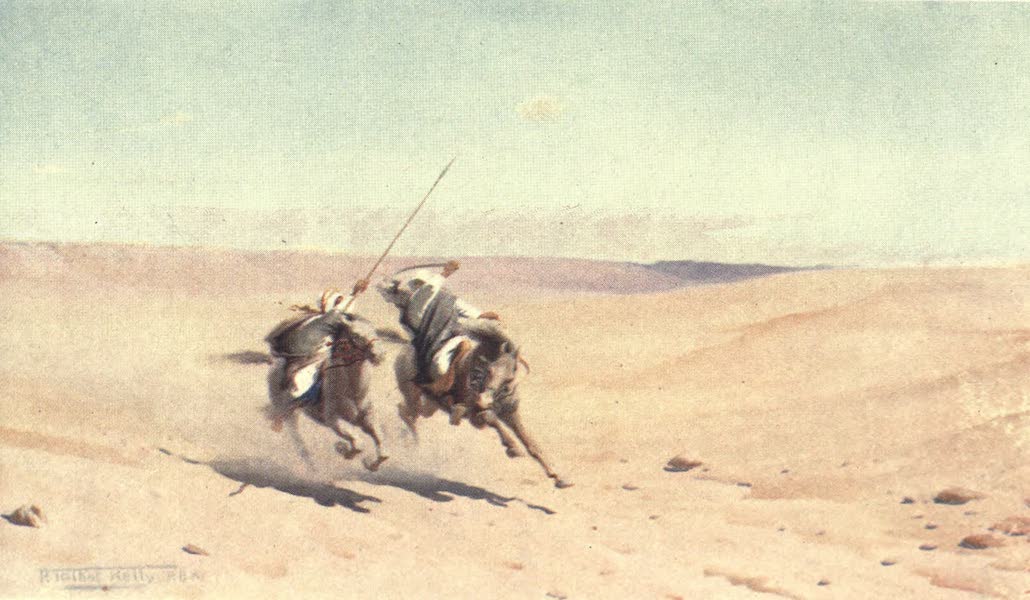 | A Duel
|
 | A Dufflah / A Dufflah Chief's Widow / A Dufflah Chief
|
 | A Dusty Day at the Tombs of the Khalifs
|
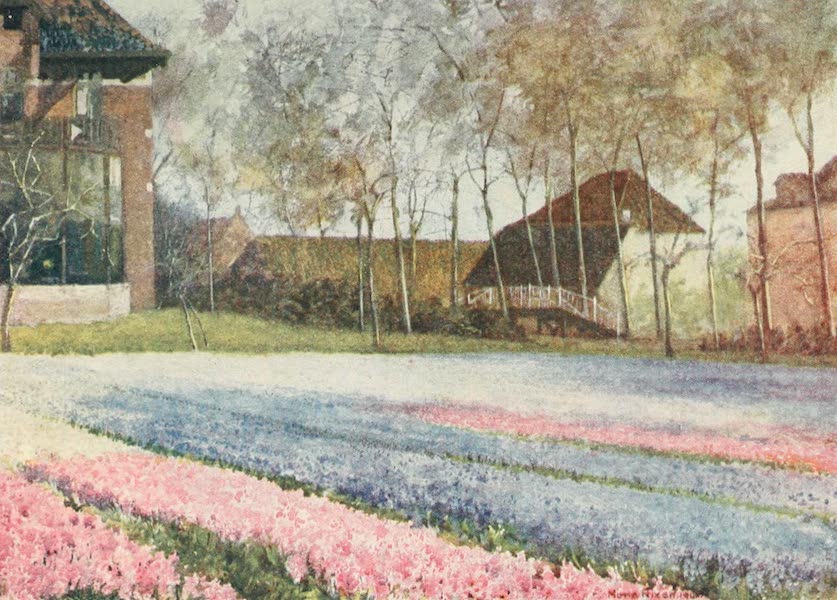 | A Dutch Bulb Farm in Spring
|
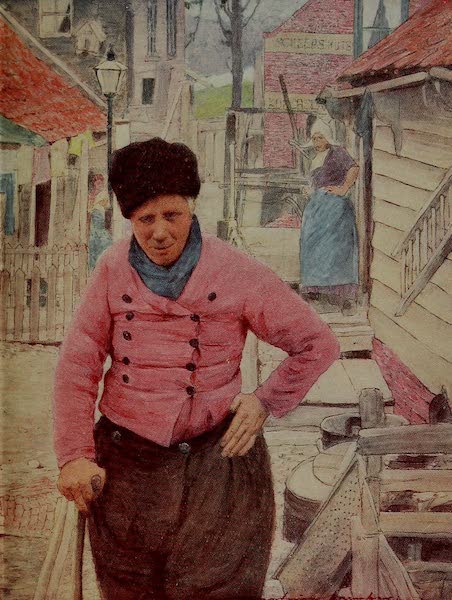 | A Dutch Fisherman
|
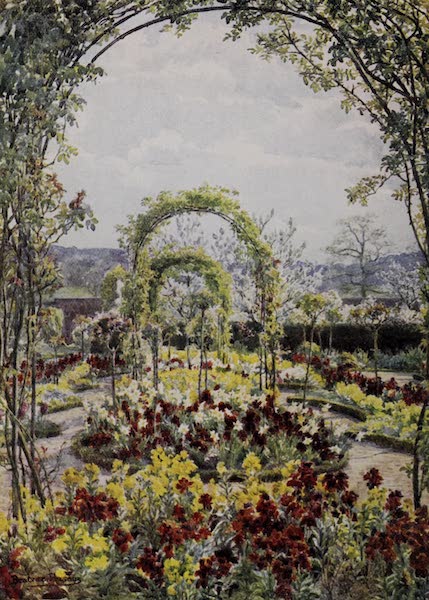 | A Dutch Garden
|
 | A Dutch Garden in Spring
|
 | A dying Hindoo brought to the Ganges
|
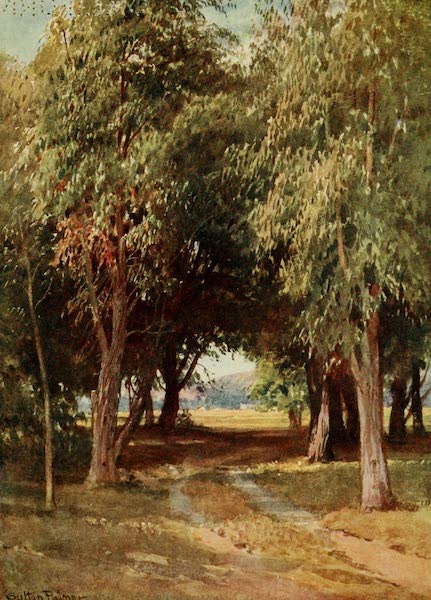 | A Eucalyptus Grove
|
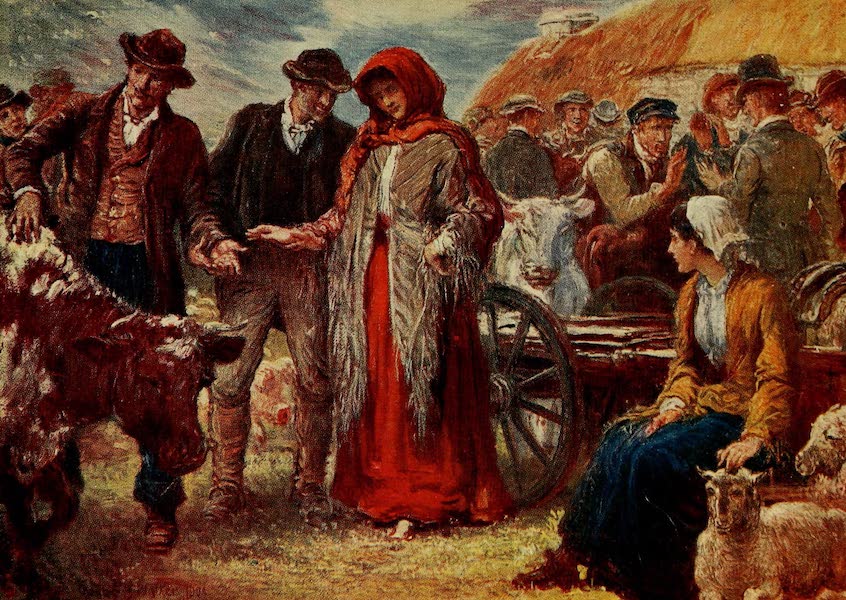 | A Fair
|
 | A Fair Maiden of North Bergen
|
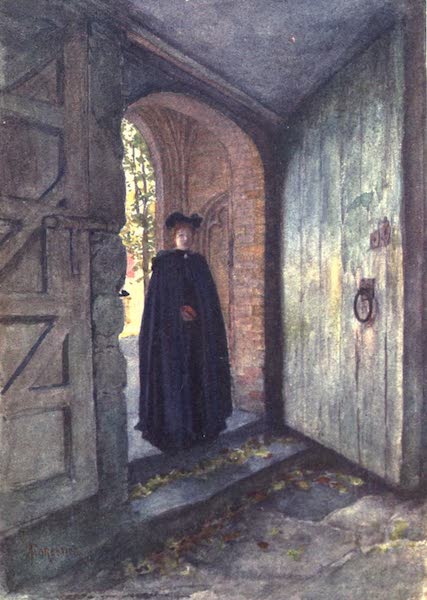 | A Fair Parishioner, Nieuport
|
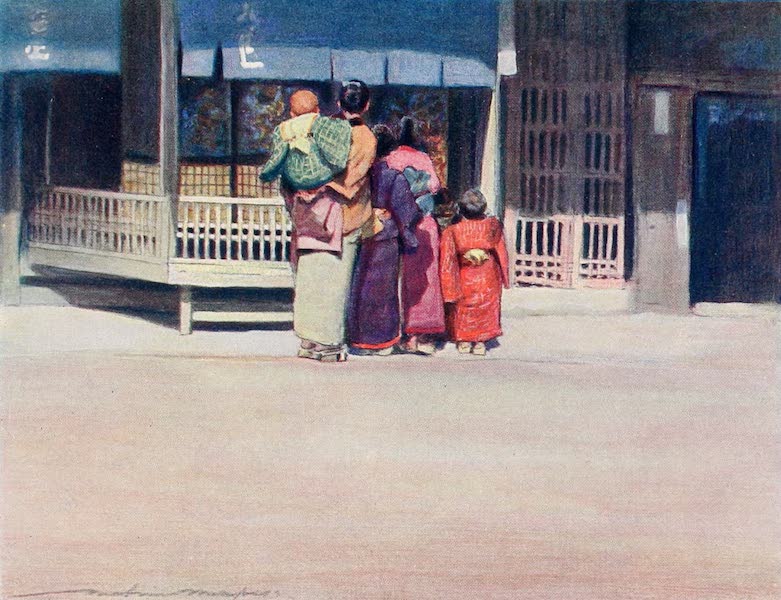 | A Family Group
|
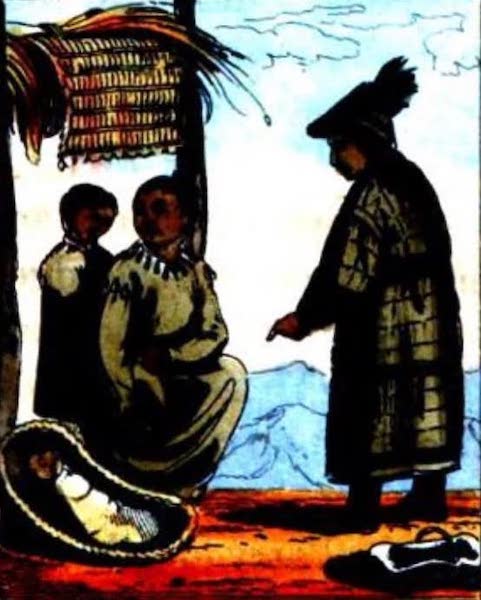 | A Family In Oonalashka
|
 | A Famous Dancing Horse - Bombay Chiefs' Camp
|
 | A Famous Led Horse in the Retinue of the Rao of Cutch
|
 | A Famous Palazzo
|
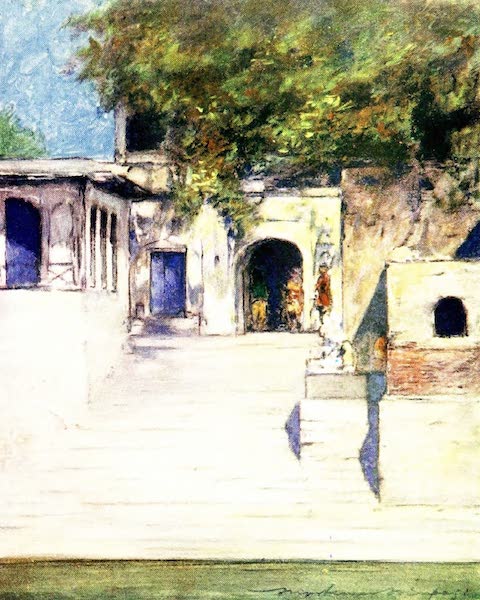 | A Famous Well, Delhi
|
 | A Farm House
|
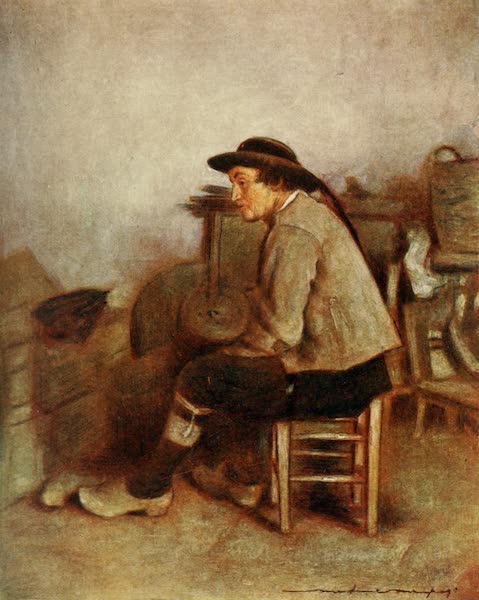 | A Farm Labourer
|
 | A Farm-House Kitchen
|
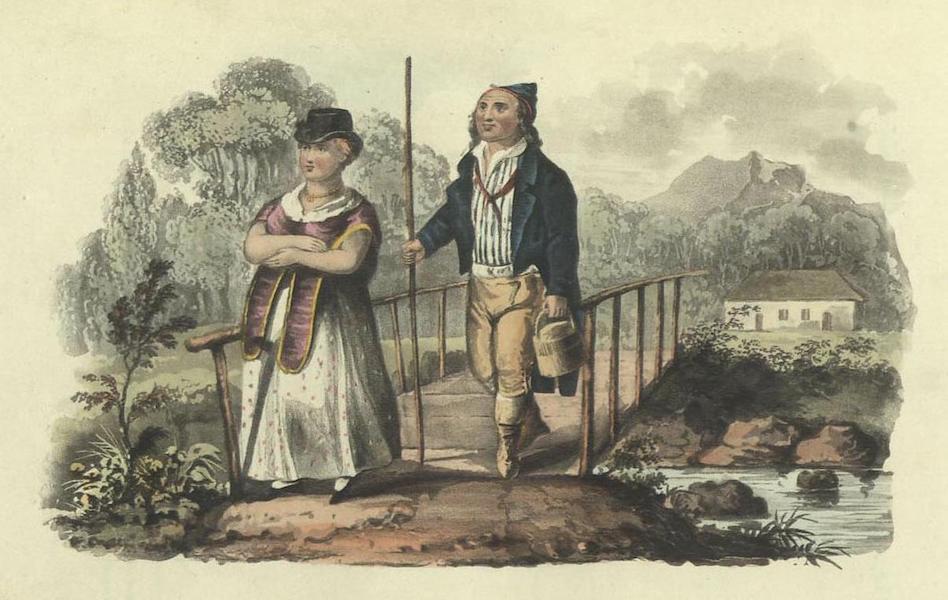 | A Farmer and His Daughter Going to Town
|
 | A Farmhouse Kitchen
|
 | A Farmsteading
|
 | A Farmsteading
|
 | A Farmyard in Ontario
|
 | A Farmyard, Guernsey
|
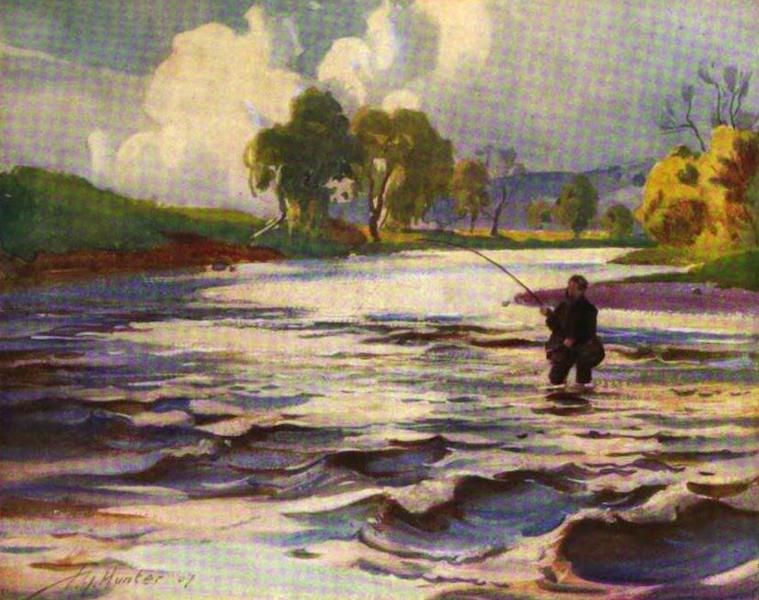 | A Favourite Pool near Rosebank
|
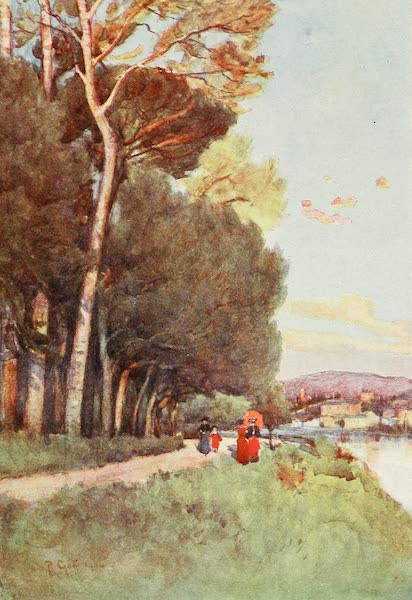 | A Favourite Walk along the River in the Cascine
|
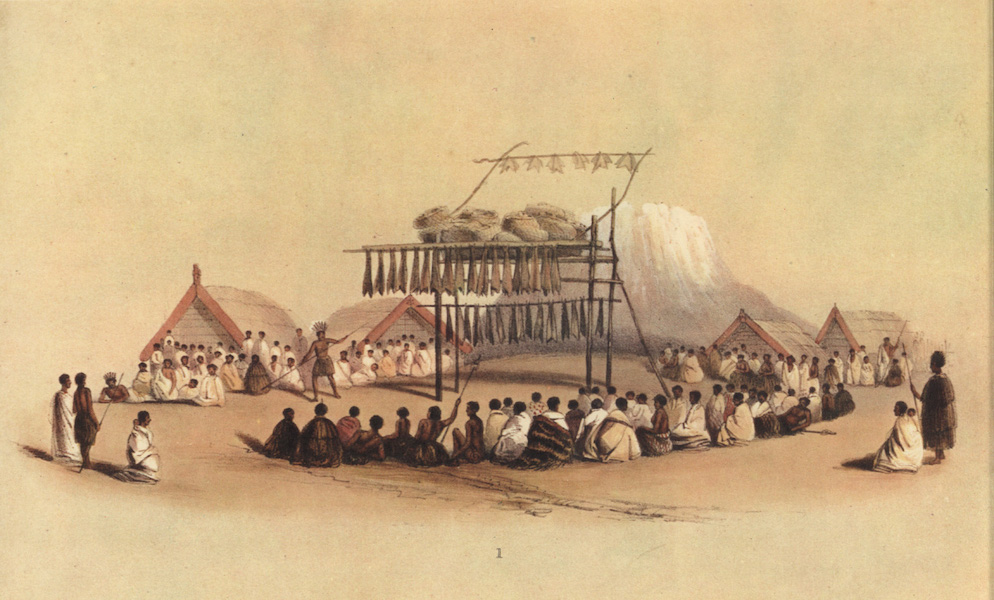 | A Feast at Mata-Ta, on the East Coast, Mt. Edgecumbe in the Distance
|
 | A Feeding-Place for Birds, Ahmedabad
|
 | A Fell Fox-hunt, Head of Eskdale and Scawfell
|
 | A Fellah Village
|
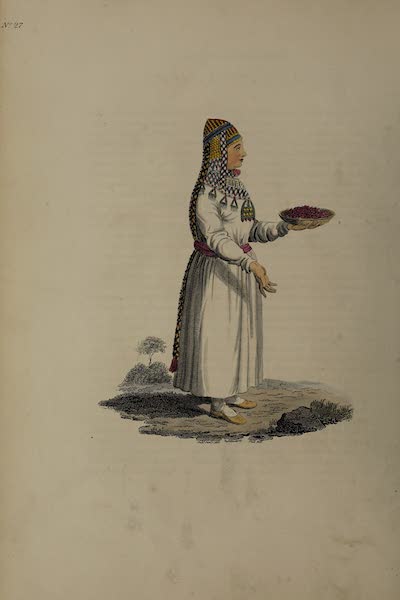 | A Female Baschkirian
|
 | A Female Bedouin of the Desert, with her Child
|
 | A Female Bratzkiye
|
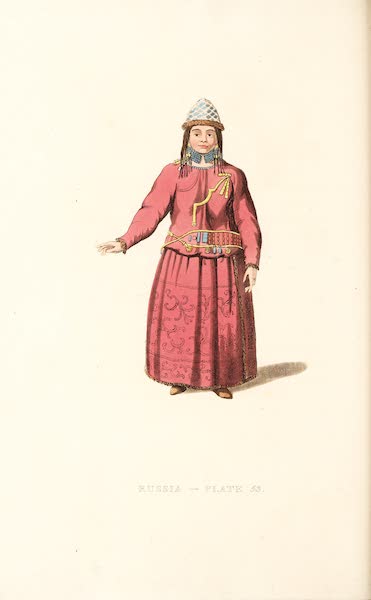 | A Female Bratzkiye
|
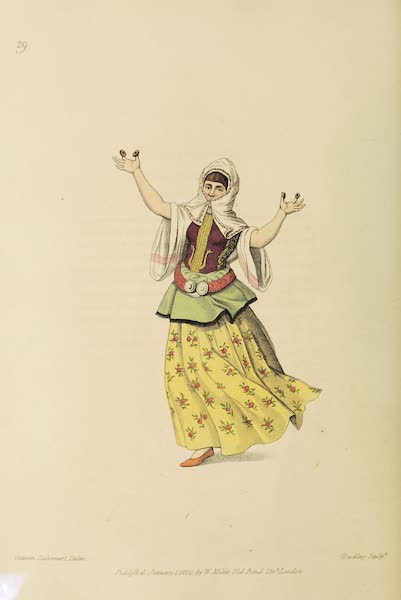 | A Female Dancer at Constantinople
|
 | A Female Inhabitant of Lapland
|
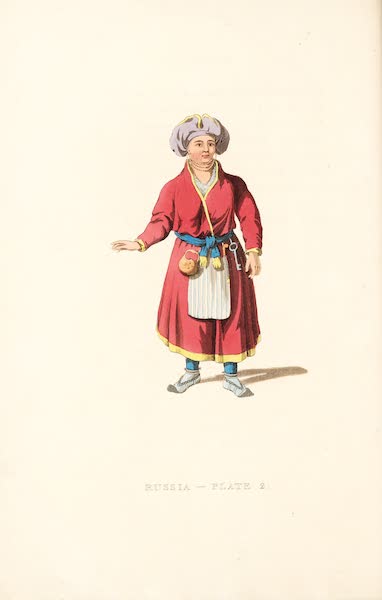 | A Female Inhabitant of Lapland
|
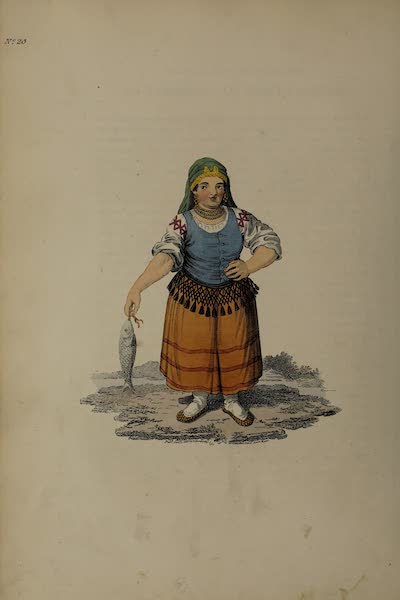 | A Female Kabardian of Mount Caucasus
|
 | A Female Kalmuk
|
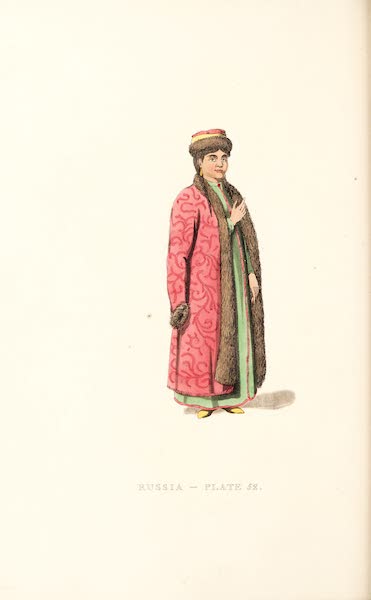 | A Female Kalmukiye
|
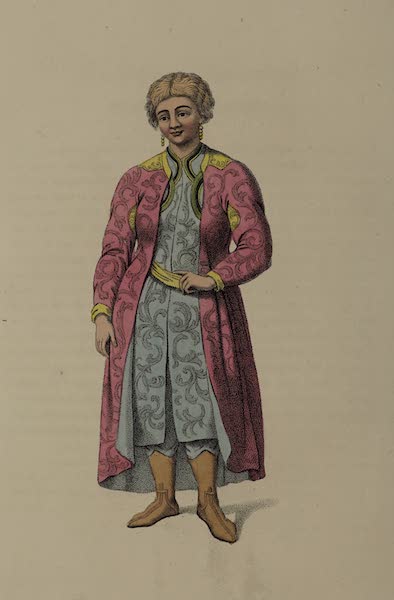 | A Female Katchintzian Tartar
|
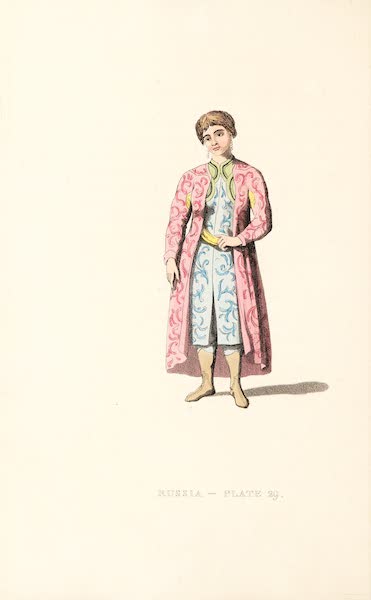 | A Female Katchintzian Tartar
|
 | A Female Kirghi
|
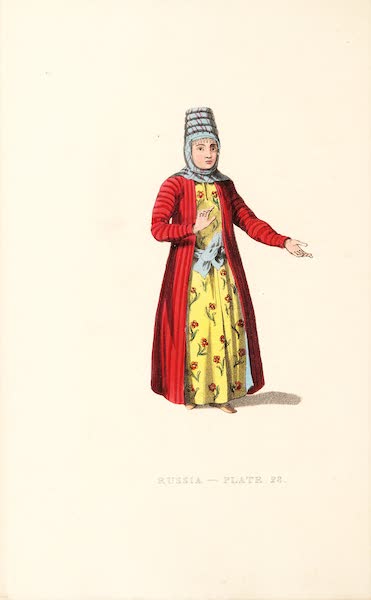 | A Female Kirghi
|
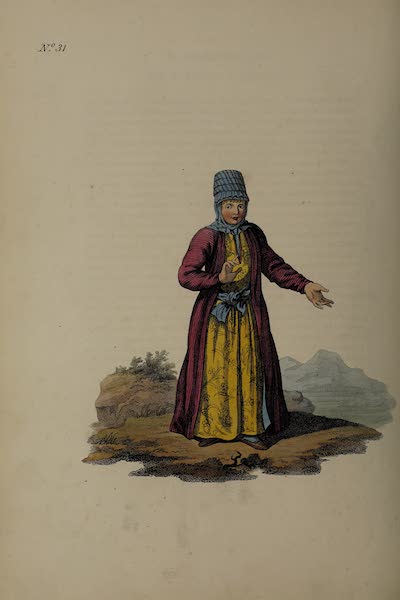 | A Female Kirghis
|
 | A Female Koriak
|
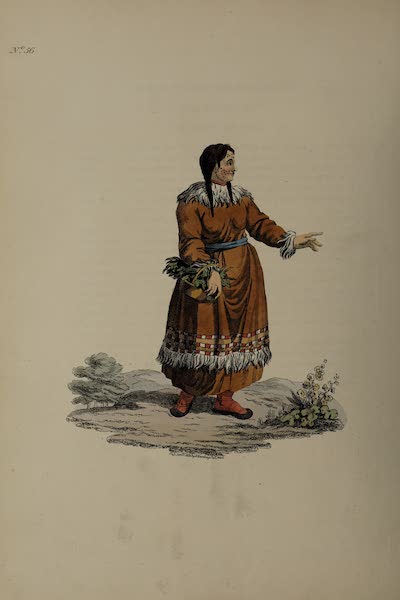 | A Female Koriak
|
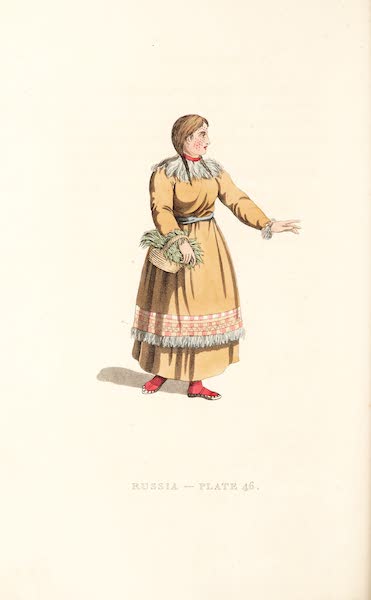 | A Female Koriak
|
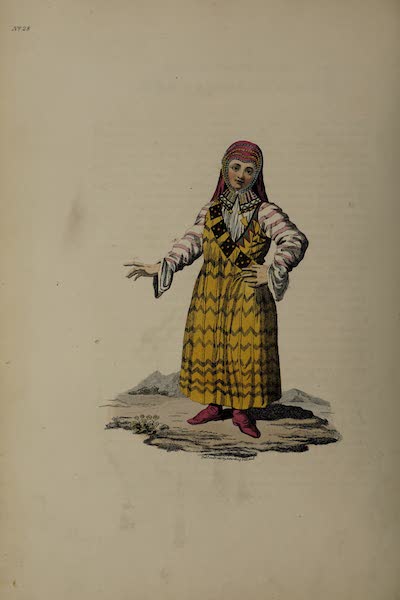 | A Female Mestscheraik
|
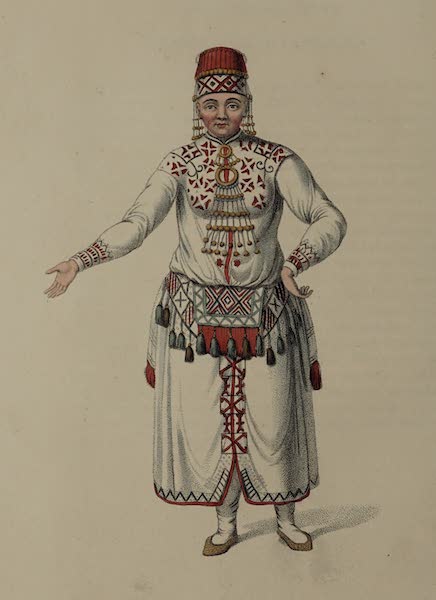 | A Female Mordvine
|
 | A Female Mordvine shewing the back part of her dress
|
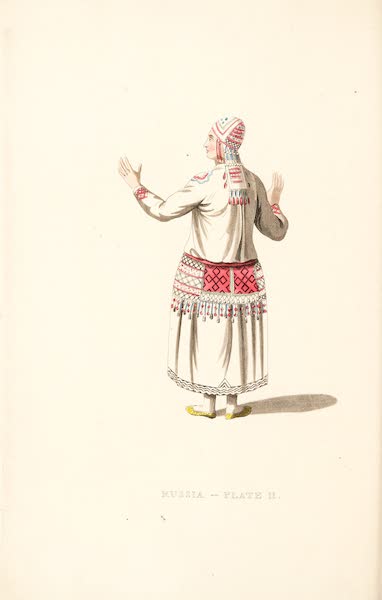 | A Female Mordvine, shewing the back part of her dress
|
 | A Female Negro Slave, with a Weight chained to her Ancle
|
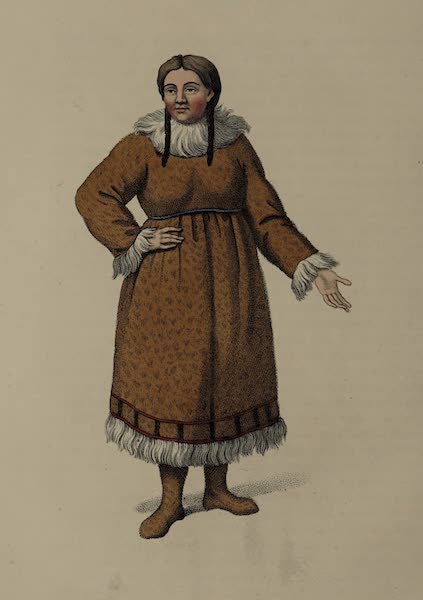 | A Female of Kamtshatka, in her common dress
|
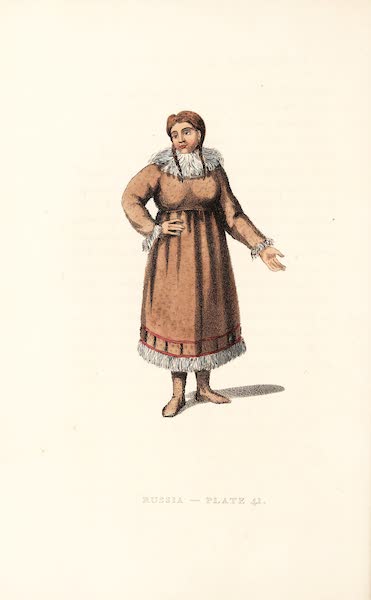 | A Female of Kamtshatka, in her common dress
|
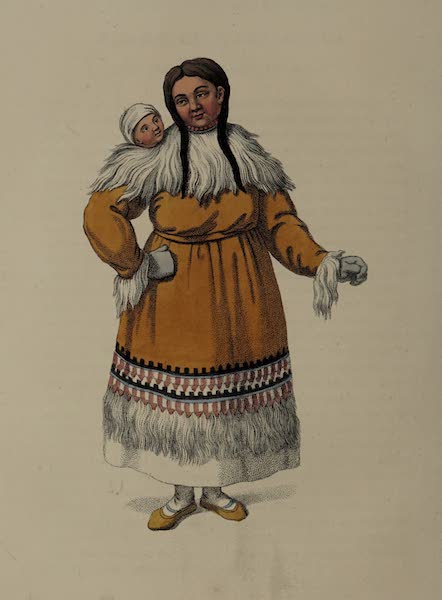 | A Female of Kamtshatka, with her child
|
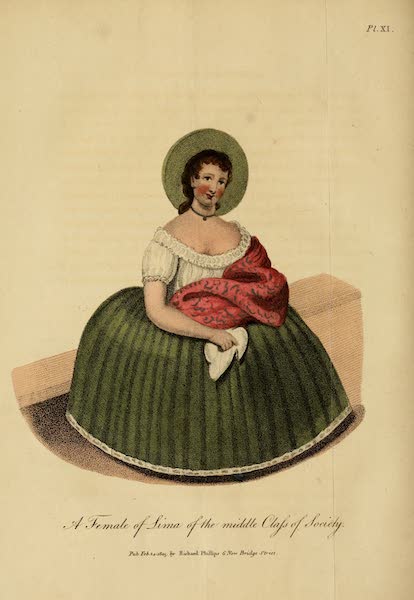 | A Female of Lima of the middle Class of Society
|
 | A Female of the Island of Naxos
|
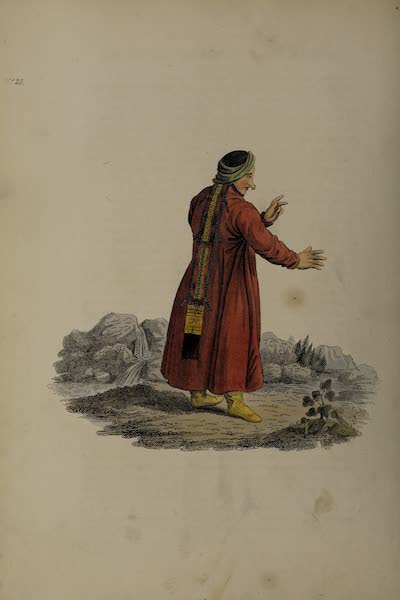 | A Female of the Nogais Tribe of Tartars
|
 | A Female Ostiak
|
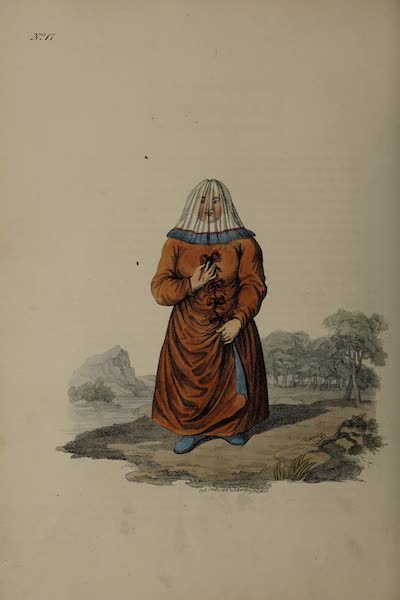 | A Female Ostiak
|
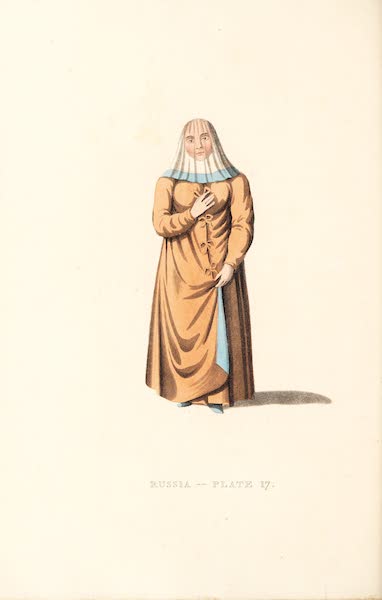 | A Female Ostiak
|
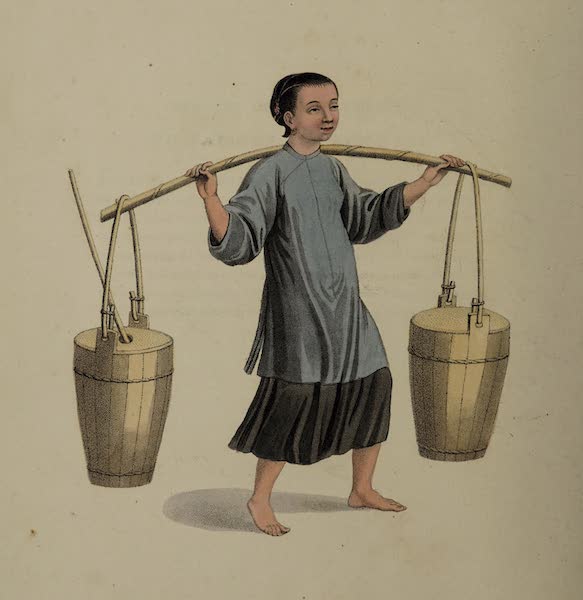 | A Female Peasant
|
 | A Female Peasant of Finland
|
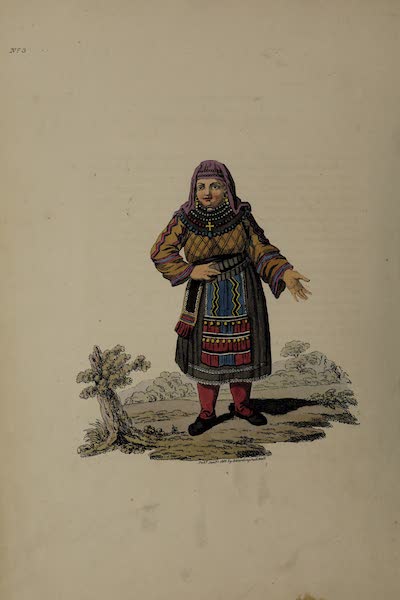 | A Female Peasant of Finland
|
 | A Female Peasant of Finland
|
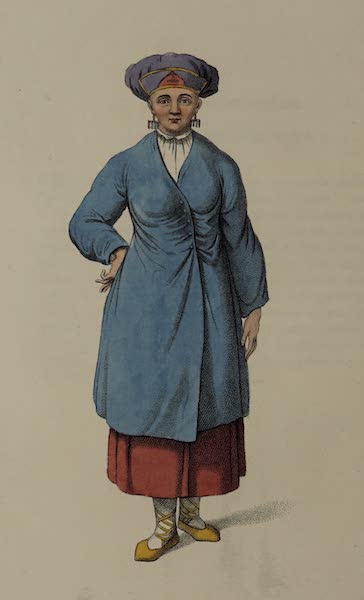 | A Female Peasant of Ingria
|
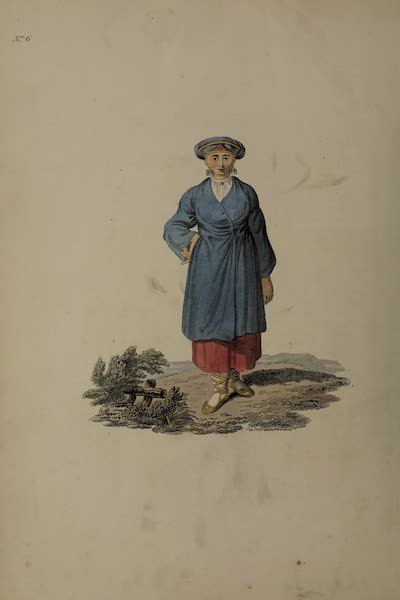 | A Female Peasant of Ingria
|
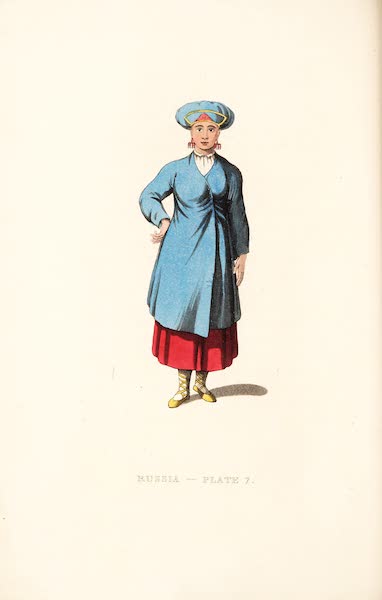 | A Female Peasant of Ingria
|
 | A Female playing on the Tumboora
|
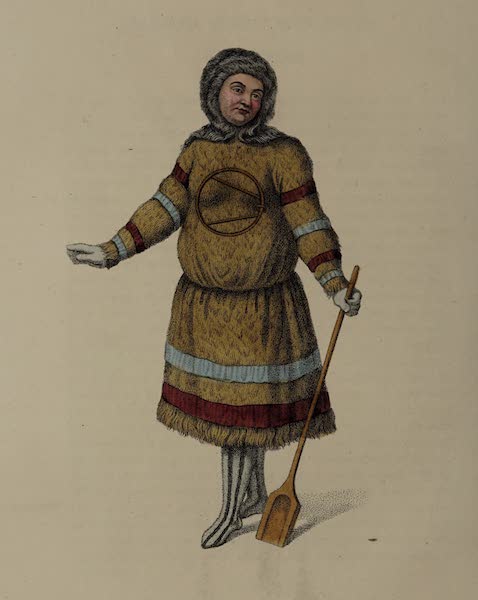 | A Female Samoyed
|
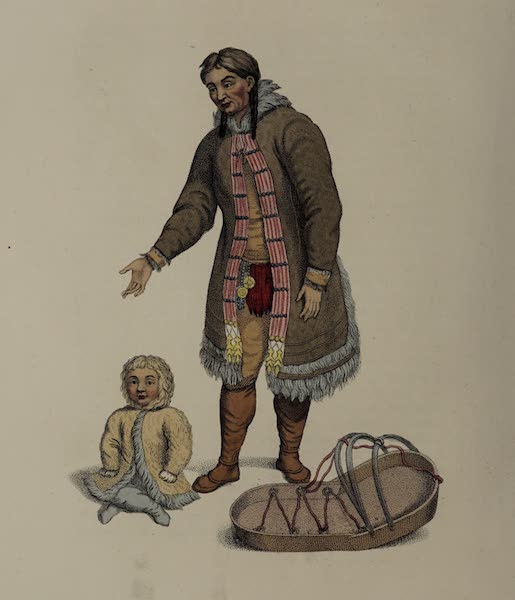 | A Female Samoyed, in her summer dress
|
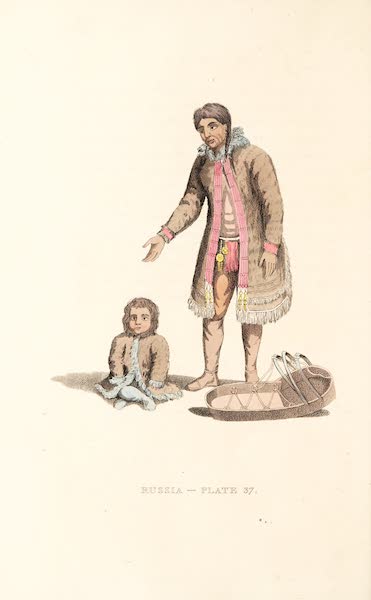 | A Female Samoyed, in her Summer dress
|
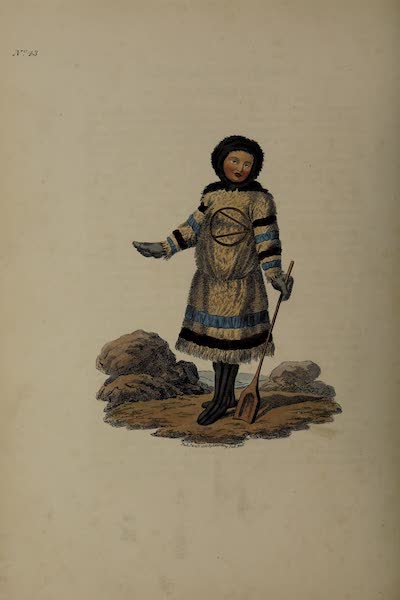 | A Female Samoyede
|
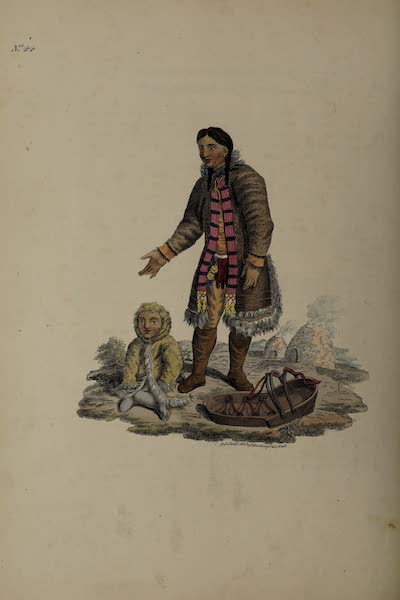 | A Female Samoyede in her Summer Dress
|
 | A Female Schaman
|
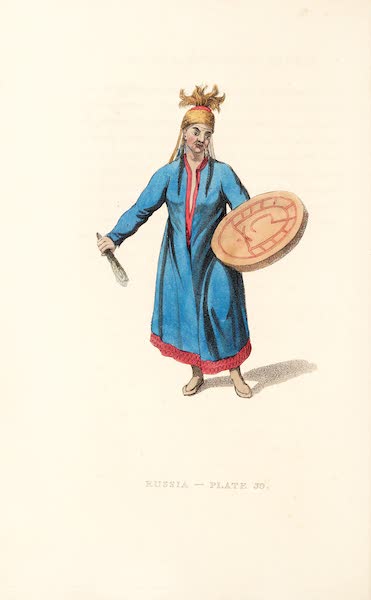 | A Female Schaman
|
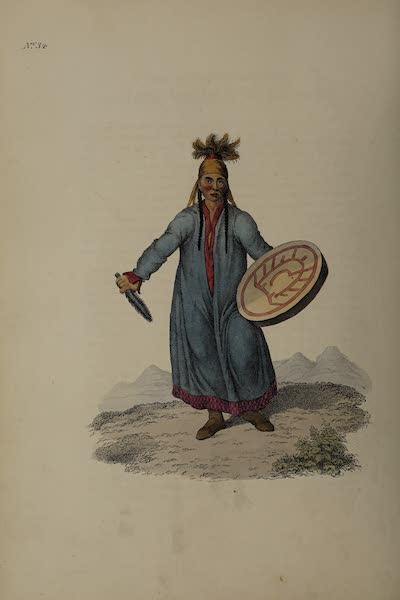 | A Female Schaman, or Sorceress of Krasnajarsk
|
 | A Female Schaman, shewing the back part of her dress
|
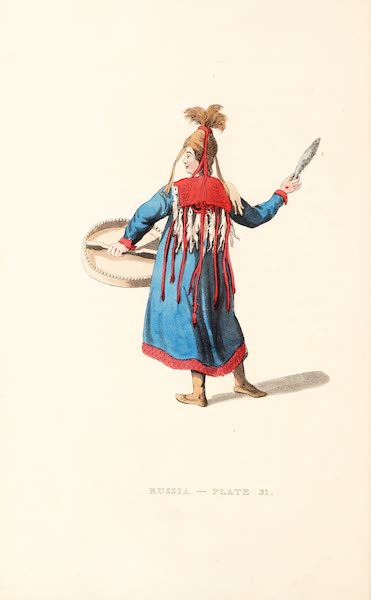 | A Female Schaman, shewing the back part of her dress
|
 | A Female Tartar of Kazan
|
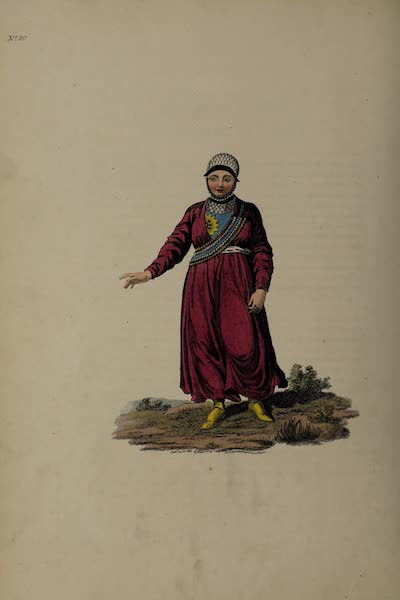 | A Female Tartar of Kazan
|
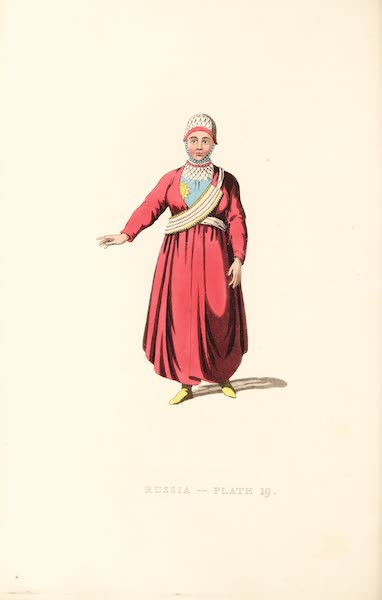 | A Female Tartar of Kazan
|
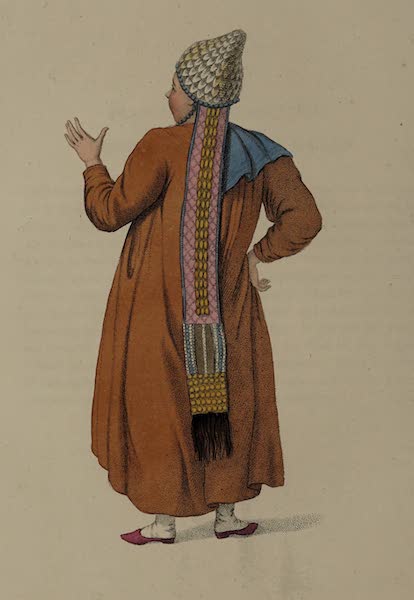 | A Female Tartar of Kazan, shewing the back part of her dress
|
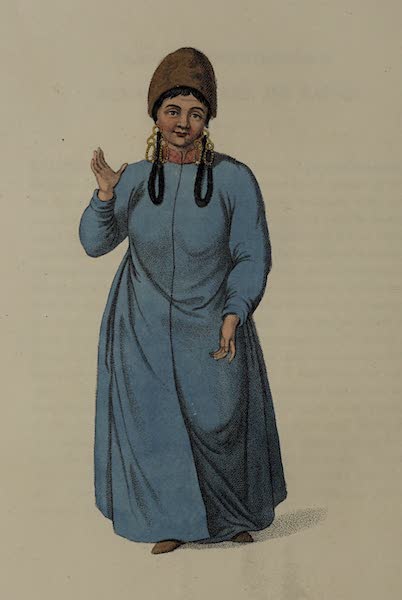 | A Female Tartar of Tchatska
|
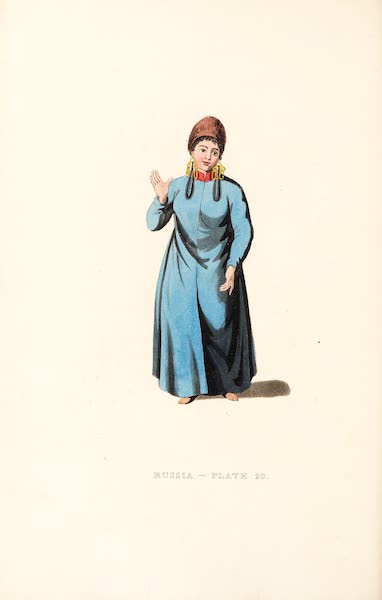 | A Female Tartar of Tchatska
|
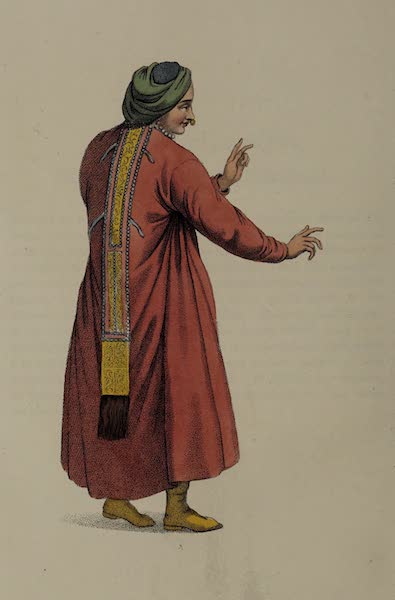 | A Female Tartar of the Nagai Tribe
|
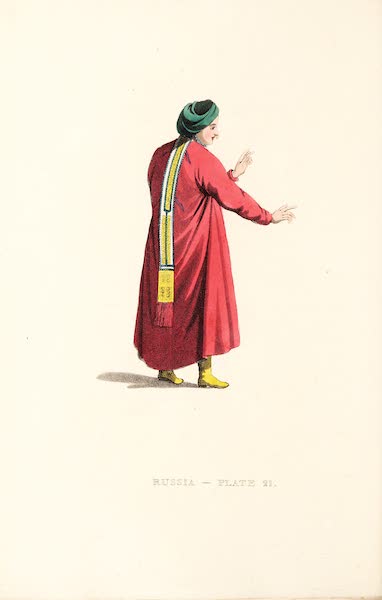 | A Female Tartar of the Nagai Tribe
|
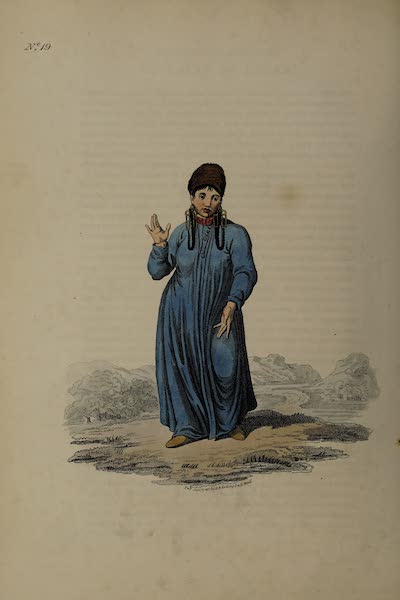 | A Female Tartar of Tomski
|
 | A Female Tartar, of the Teleouti Tribe, shewing the back part of her dress
|
 | A Female Tartar, of the Tribe of Teleouti
|
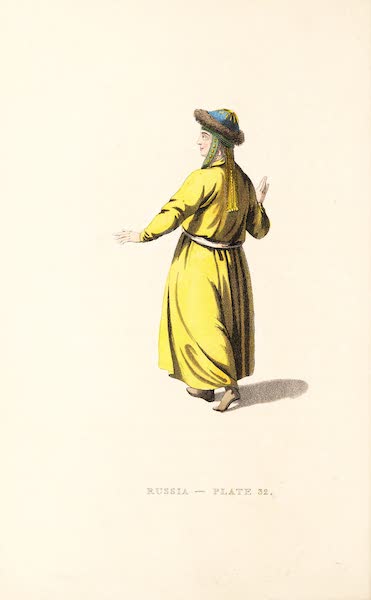 | A Female Tartar, of the Tribe of Teleouti
|
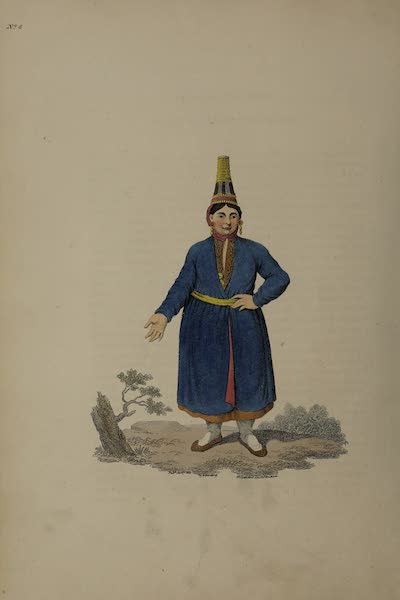 | A Female Tschermiss
|
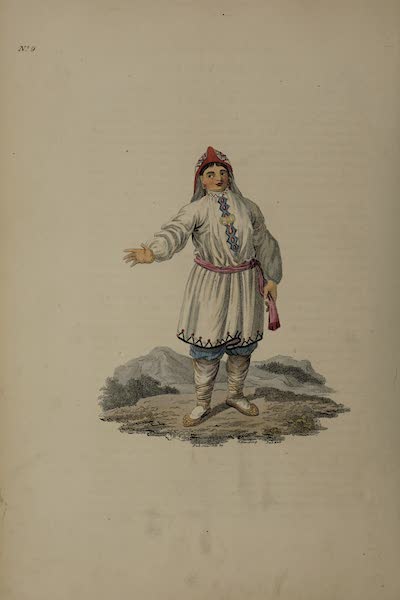 | A Female Tschermiss in her Summer Dress
|
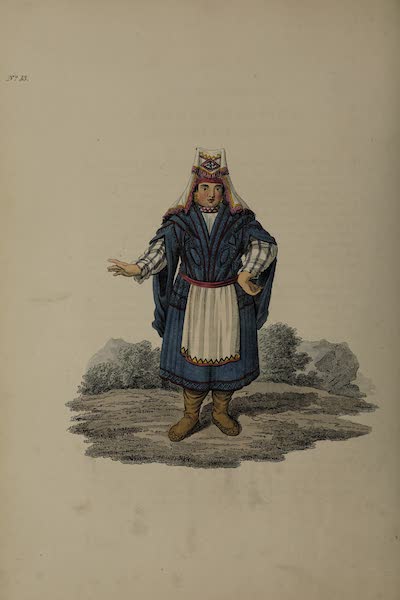 | A Female Votiak
|
 | A Female Yakouti
|
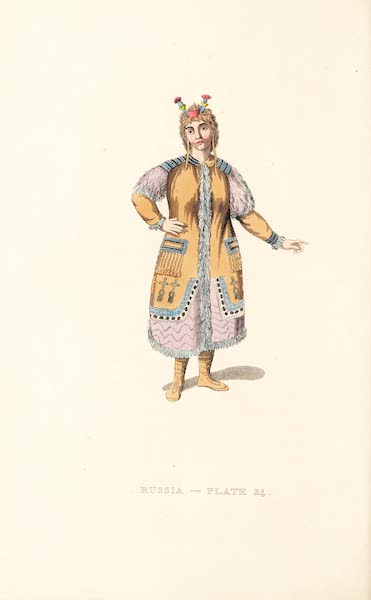 | A Female Yakouti
|
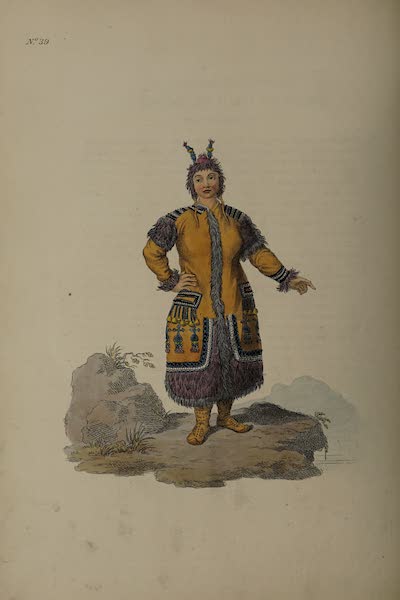 | A Female Yakut
|
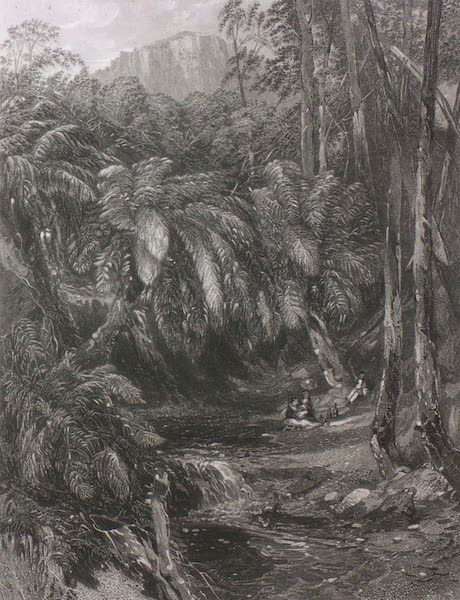 | A Fern-Tree Valley
|
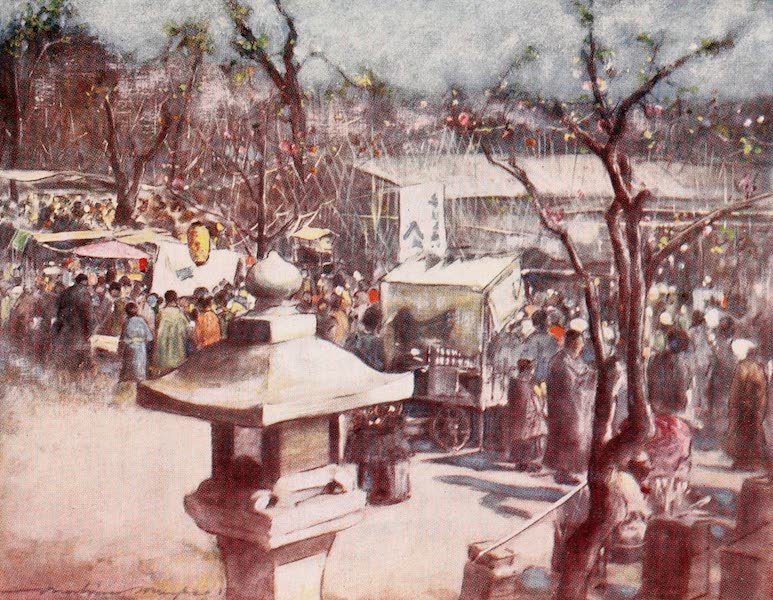 | A Fete Day
|
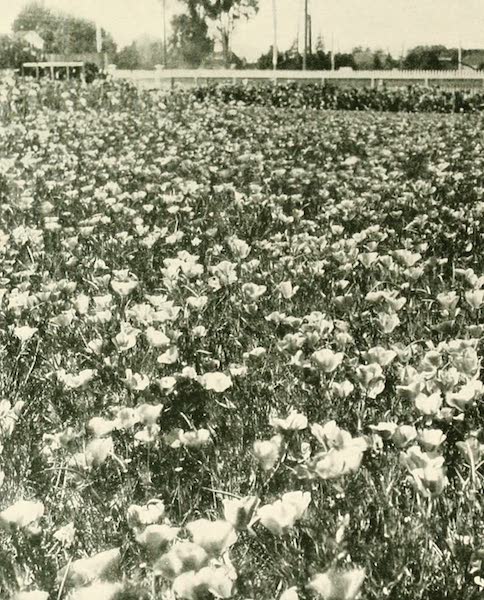 | A field of California poppies
|
 | A Field of Flowers in Galilee near Hattin
|
 | A Field of Milo Maize, on the Tucson Farms, Arizona
|
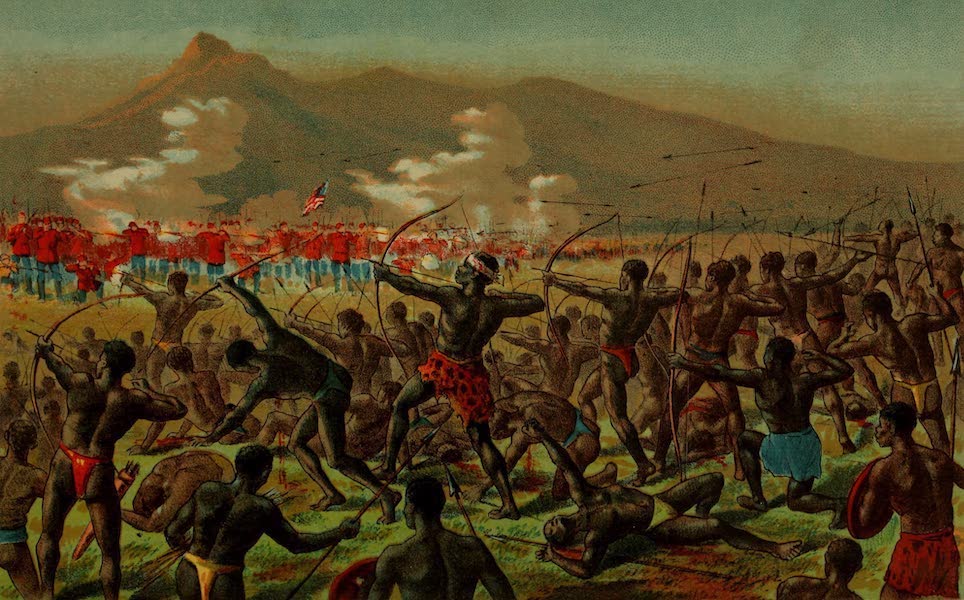 | A Fierce Battle with the Natives
|
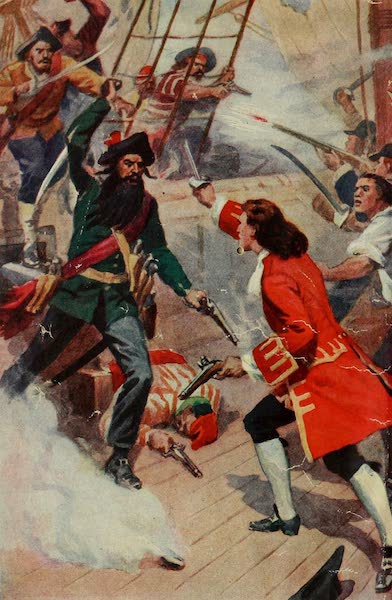 | A Fierce Duel
|
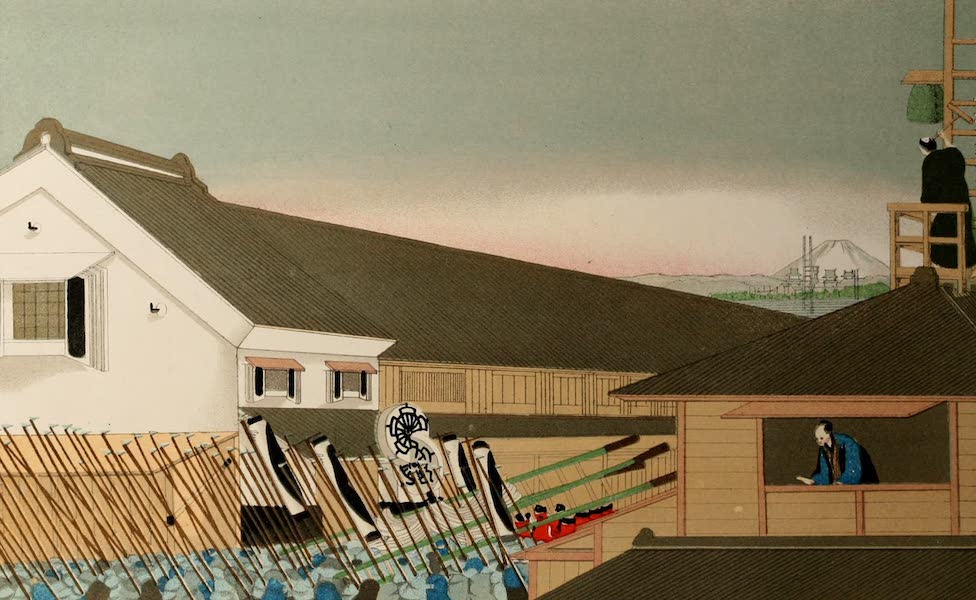 | A Fire Brigade on its way to a Fire
|
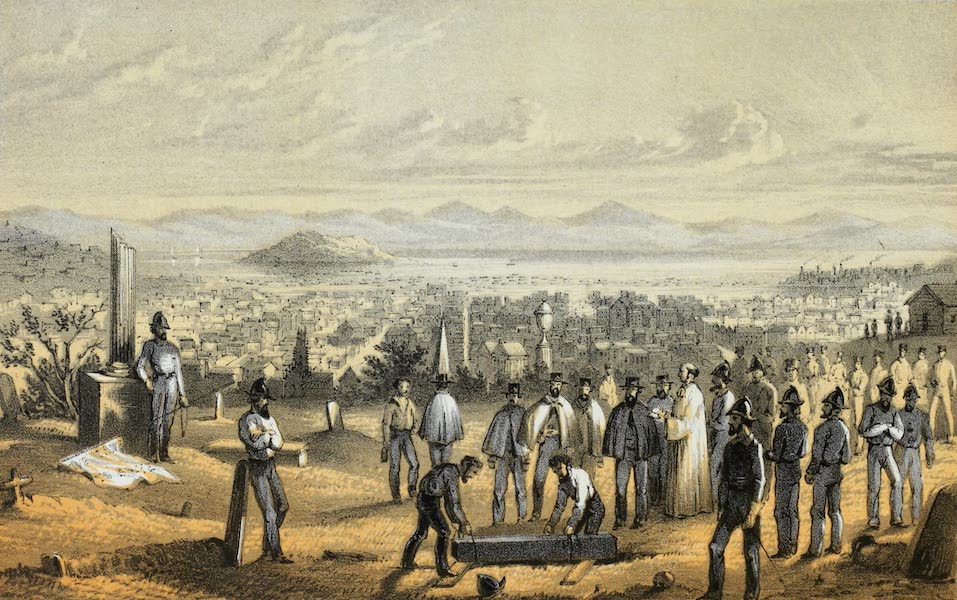 | A Fireman's Funeral
|
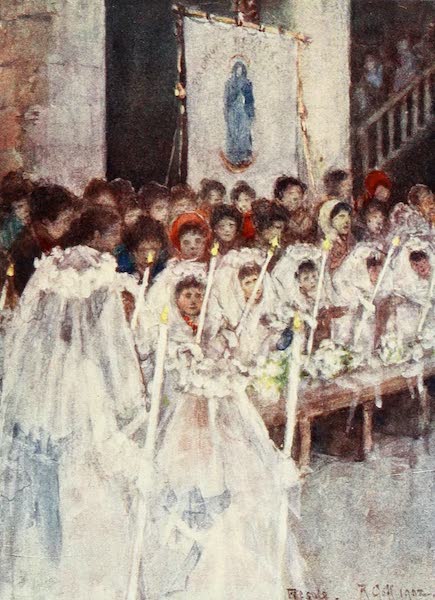 | A First Communion in the Cathedral of Fiesole
|
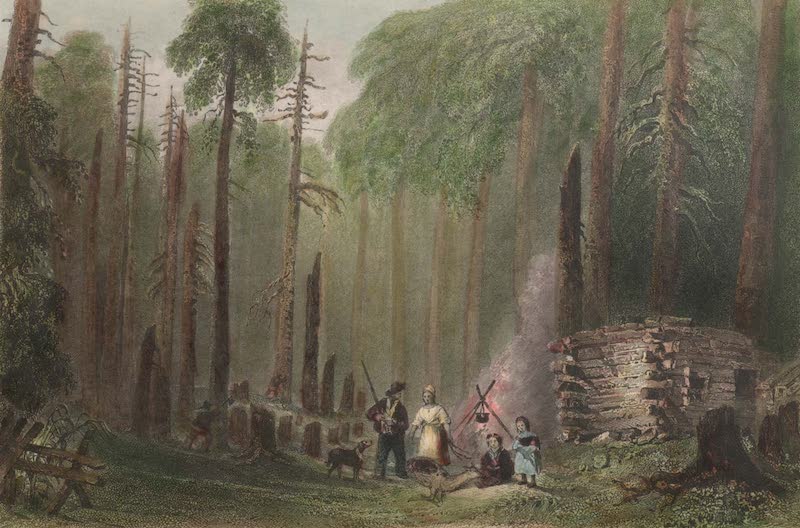 | A first Settlement
|
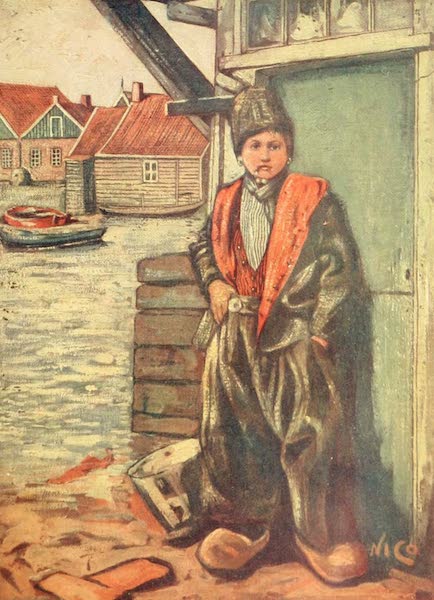 | A Fisher Boy
|
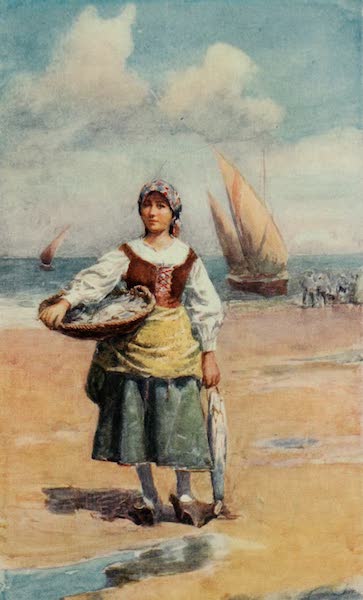 | A Fisher Girl (Coast of Malaga)
|
 | A Fisher woman of Zandvoort
|
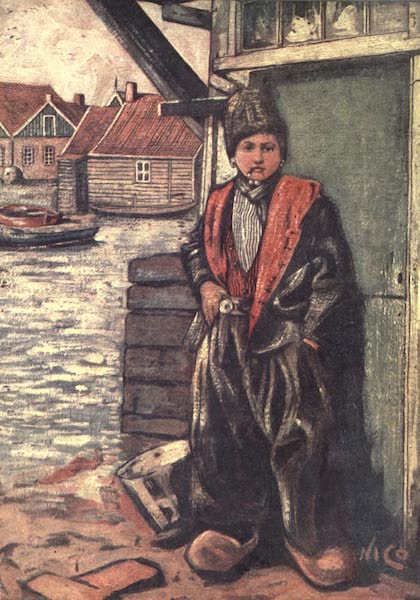 | A Fisher-Boy
|
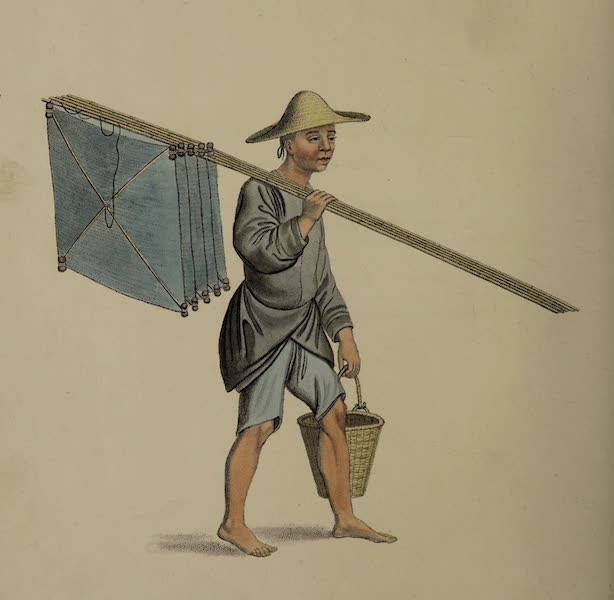 | A Fisherman
|
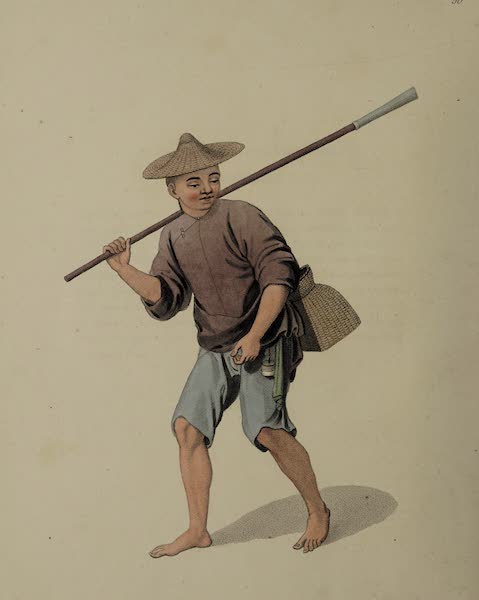 | A Fisherman with a Scoop
|
 | A Fisherwoman of Zandvoort
|
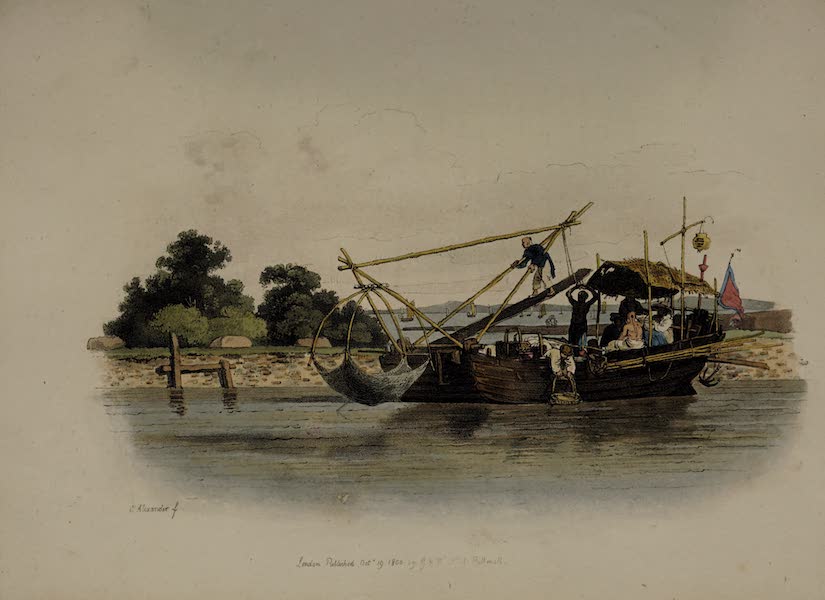 | A Fishing Boat
|
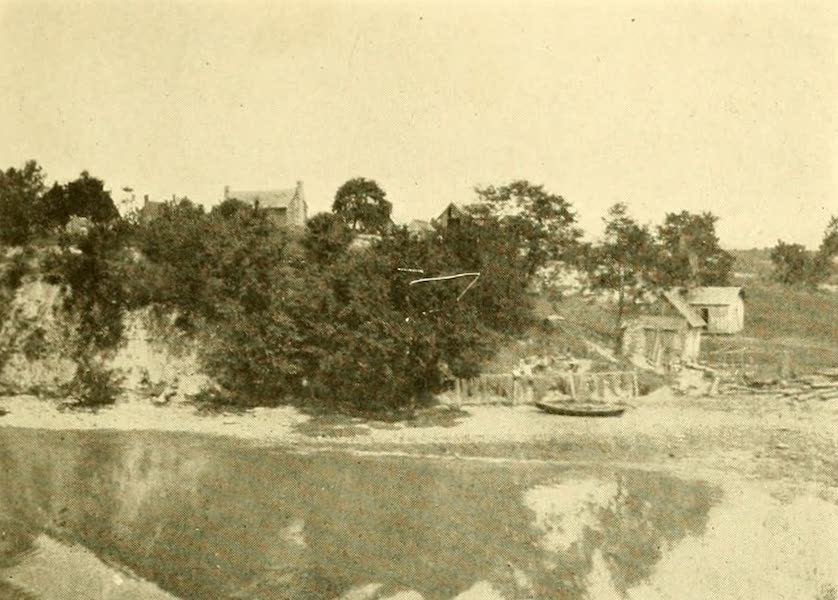 | A Fishing Hamlet
|
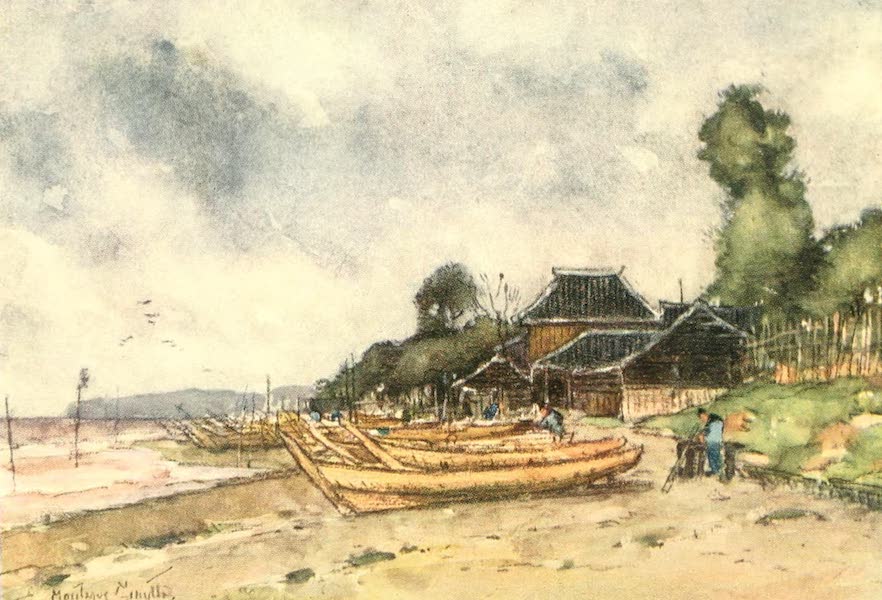 | A Fishing Village on the Sea-coast, Hcmmoku
|
 | A Fishmonger
|
 | A Flemish Burgher
|
 | A Flemish Burgher
|
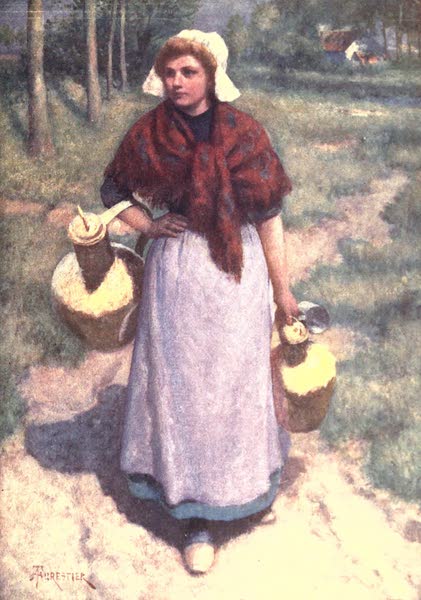 | A Flemish Country Girl
|
 | A Flemish Country Girl
|
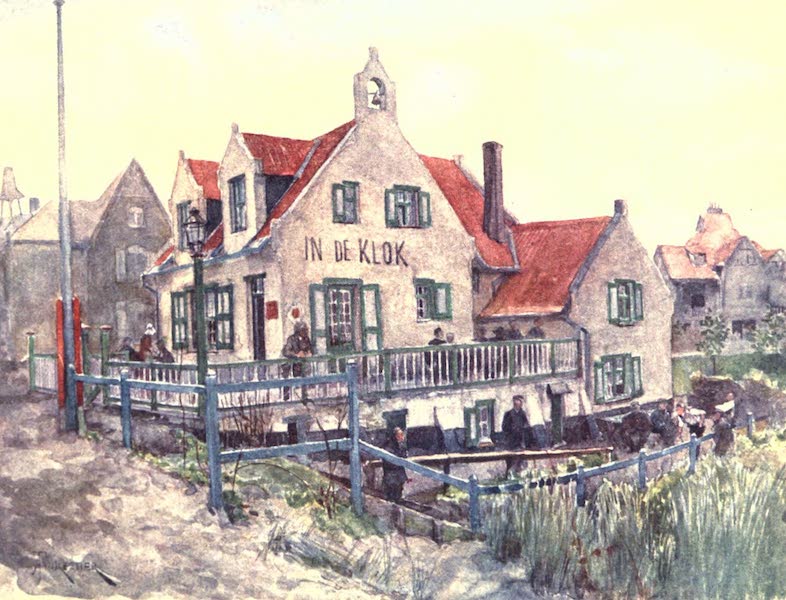 | A Flemish Inn - Playing Skittles, La Panne
|
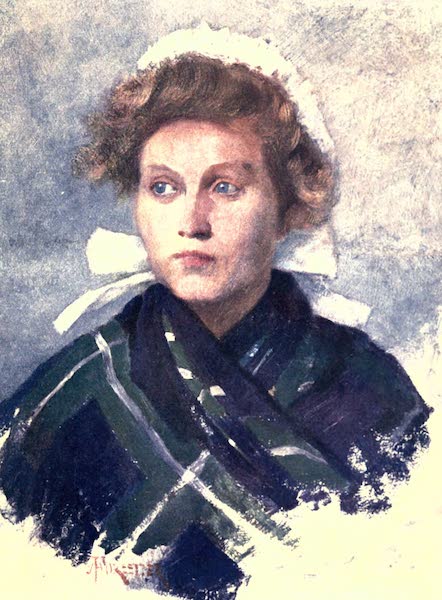 | A Flemish Young Woman
|
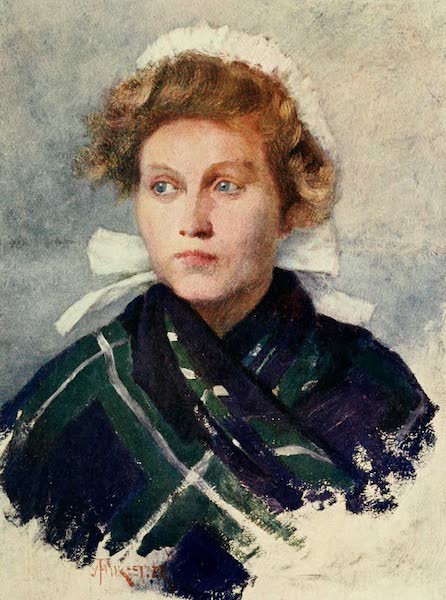 | A Flemish Young Woman
|
 | A Floral Fairyland
|
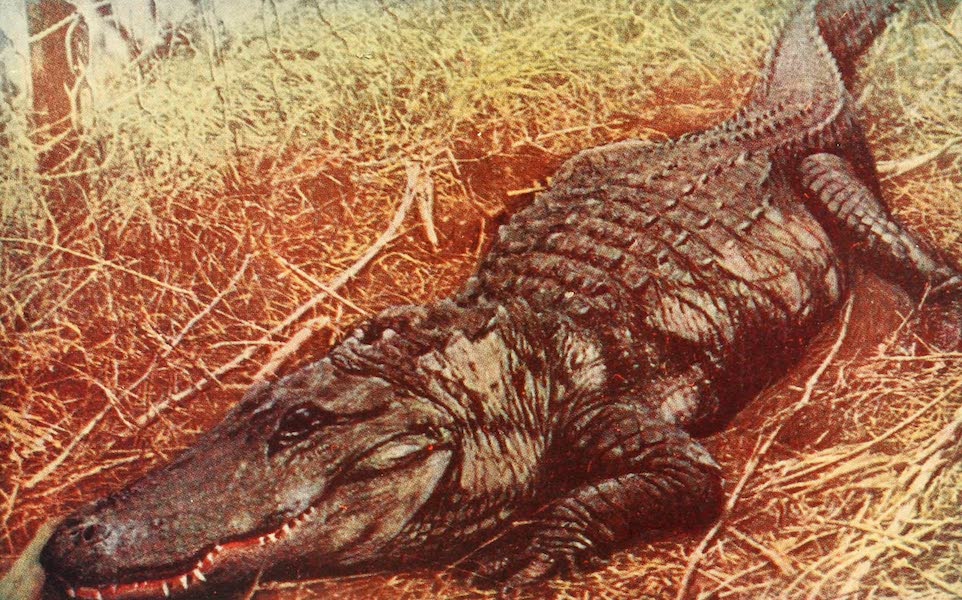 | A Florida Alligator
|
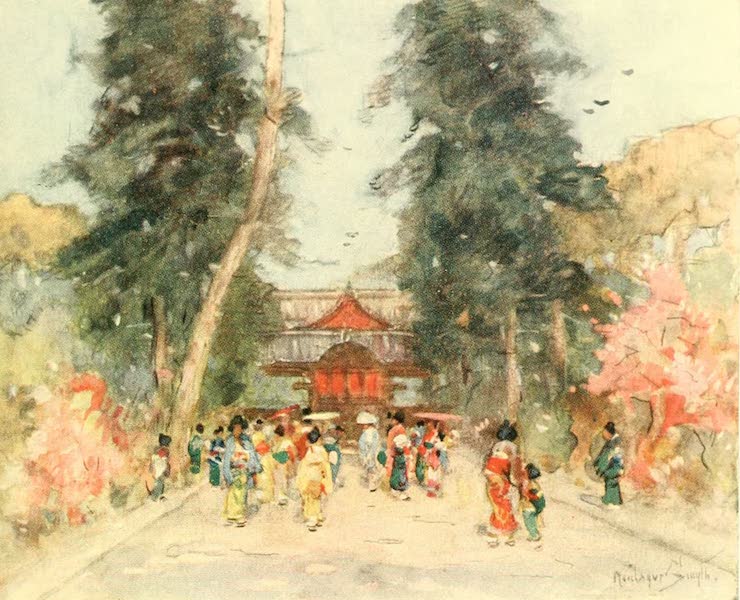 | A Flower Festival, which is usually a Japanese "Bank Holiday"
|
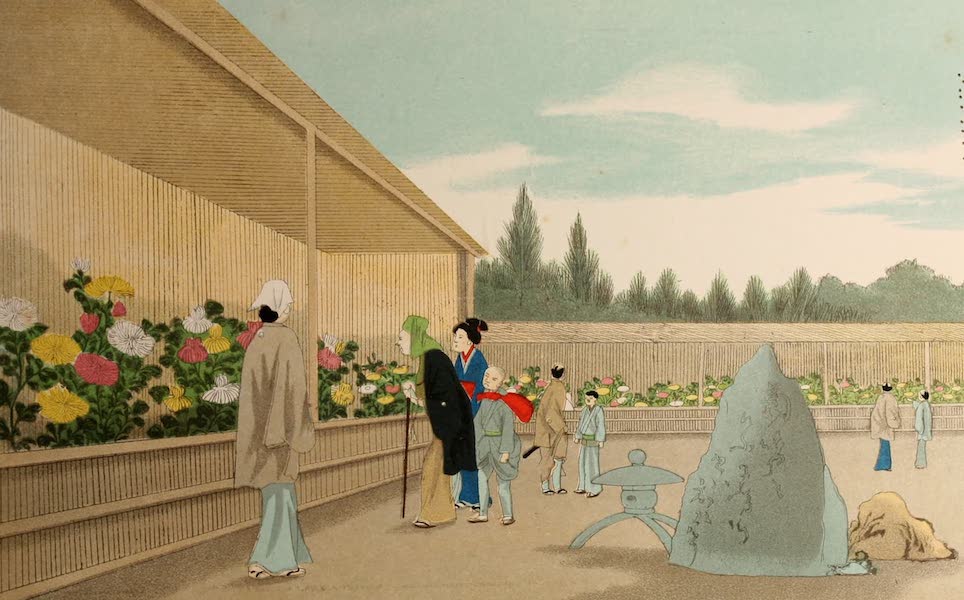 | A Flower Show
|
 | A Flower-Market, Scutari
|
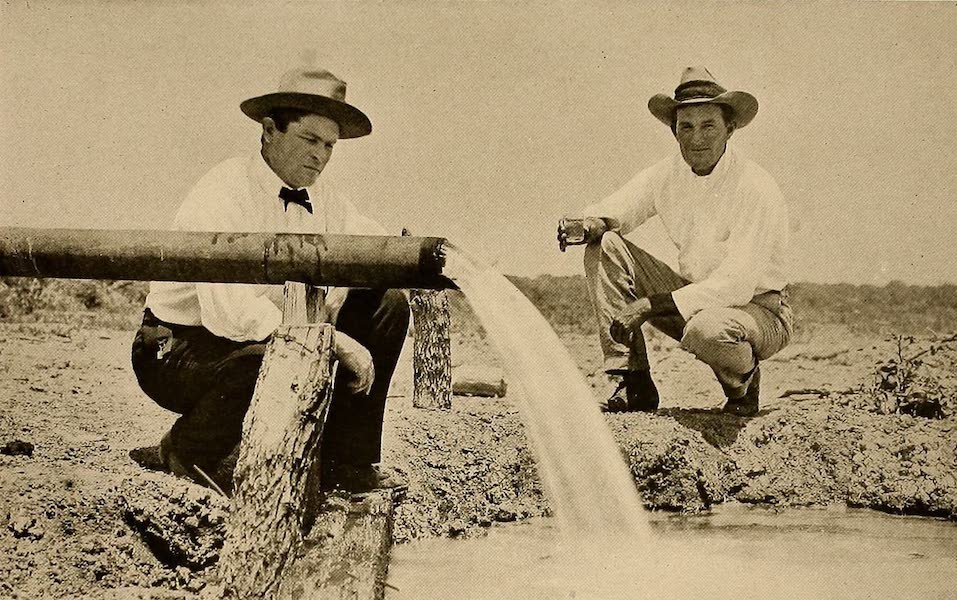 | A Flowing Artesian Well
|
 | A Flute-seller
|
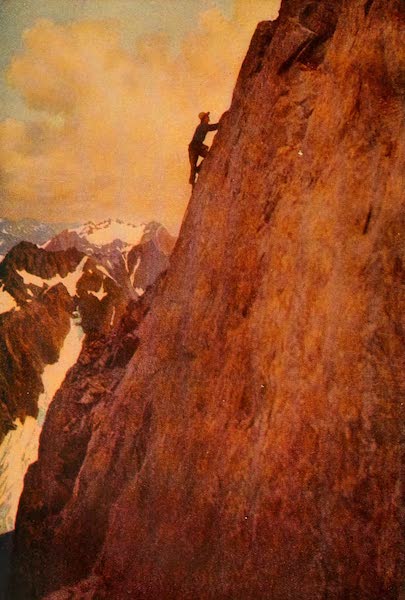 | A Fly on the Wall of the World
|
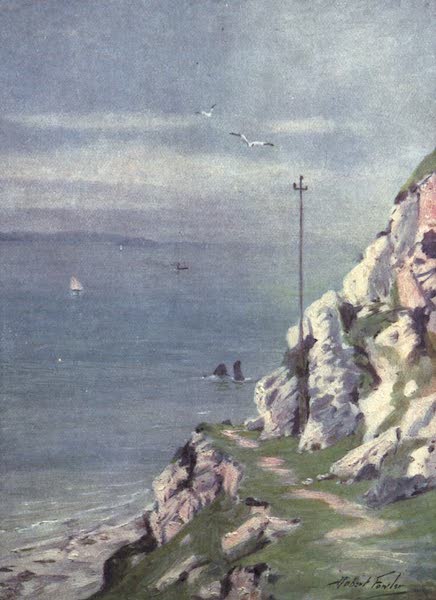 | A Footpath on the Great Orme
|
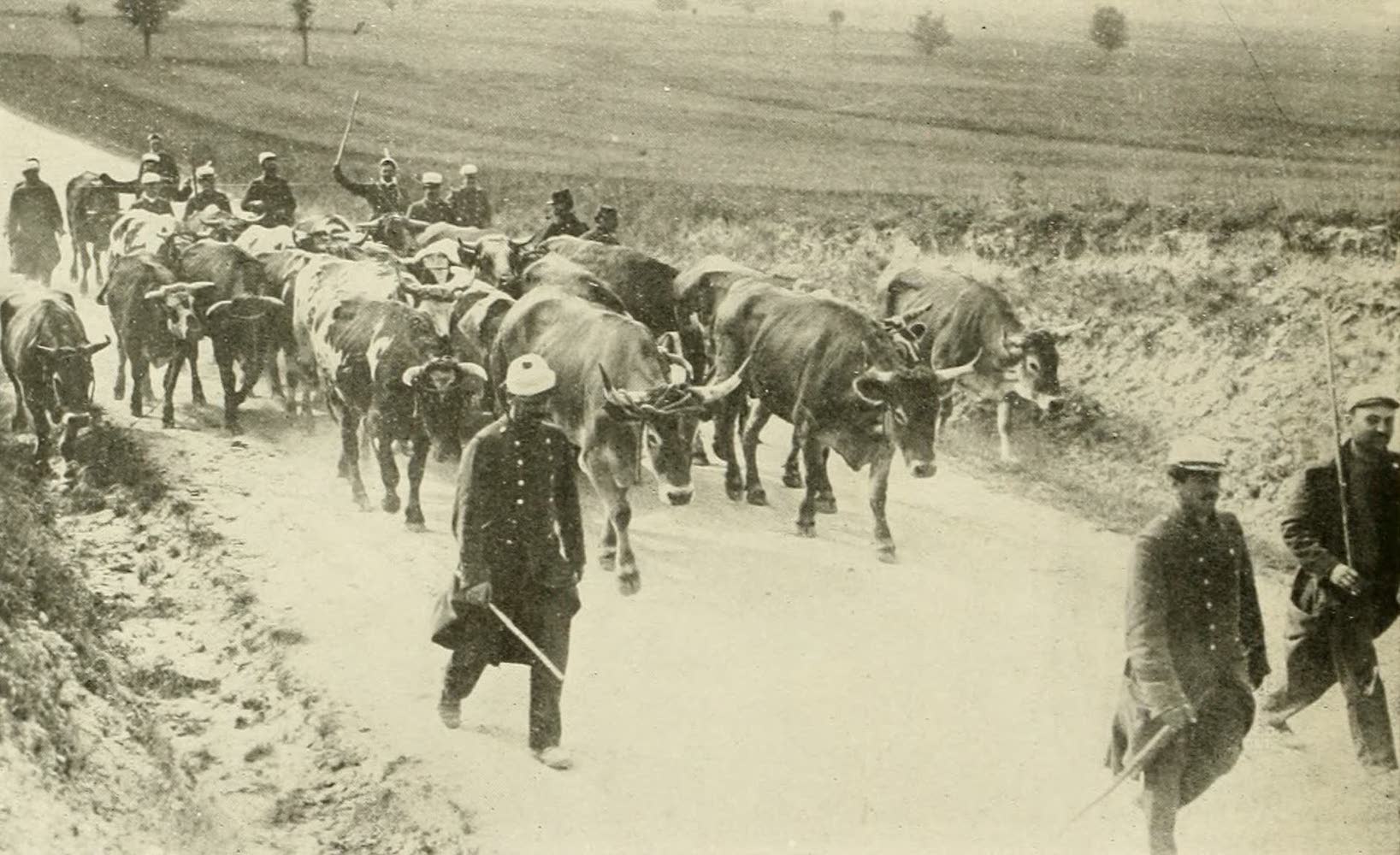 | A Foraging Squad
|
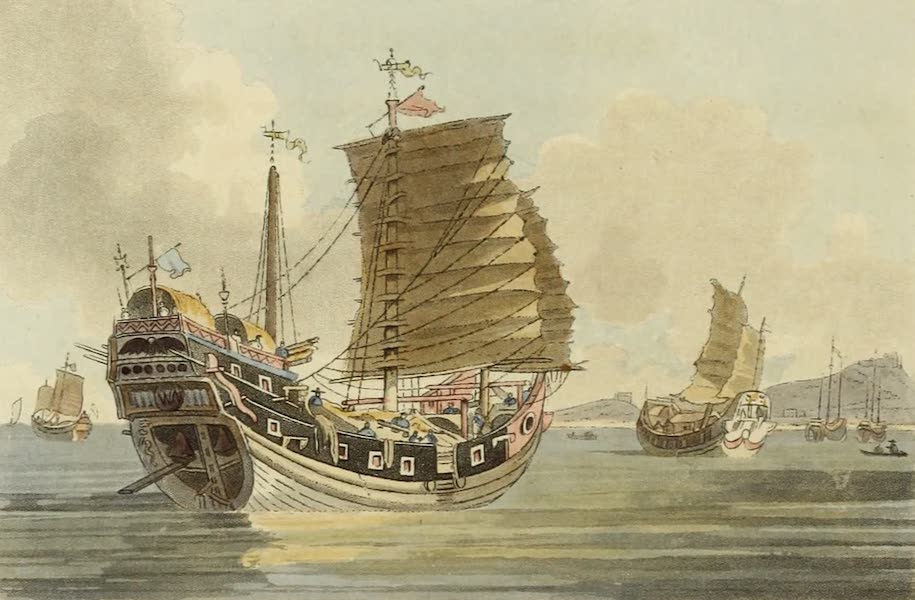 | A Foreign Trader
|
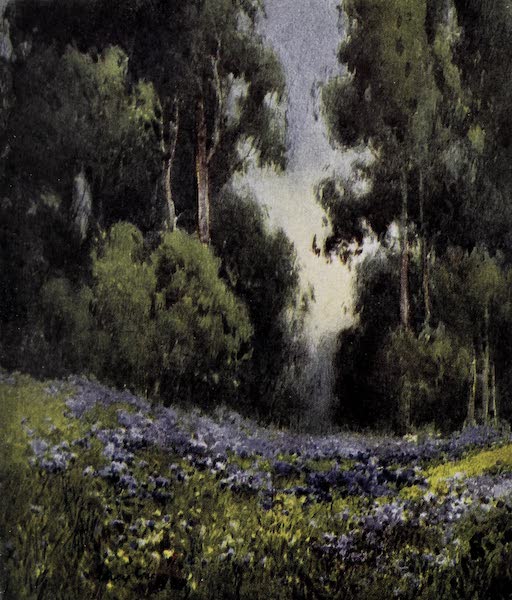 | A Forest Glade
|
 | A Forest Glade
|
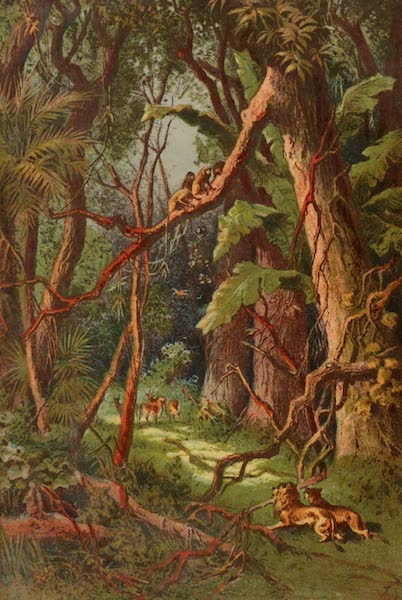 | A Forest in Central Africa
|
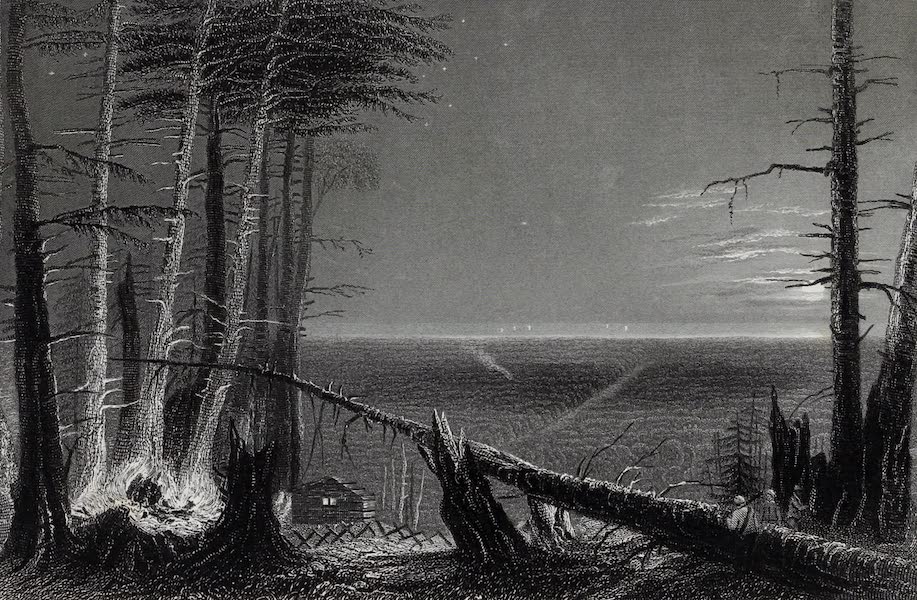 | A Forest on Lake Ontario
|
 | A Forest Ranger's Corral in a Utah National Forest
|
 | A Forest Scene
|
 | A Forest Tai
|
 | A Formidable Warrior of Rewa
|
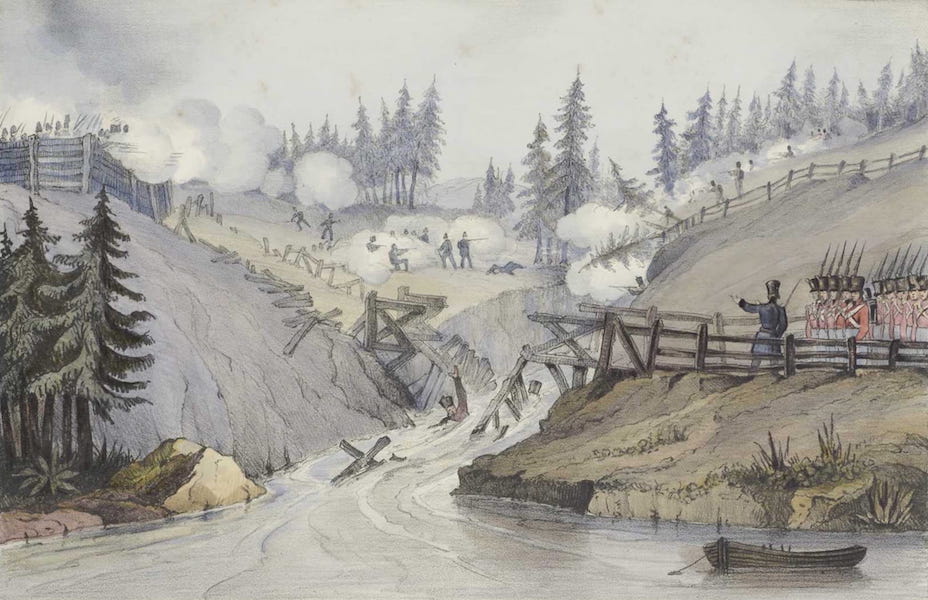 | A Fortified Pass. Colonel Wetherall Advancing to the Capture of Saint-Charles
|
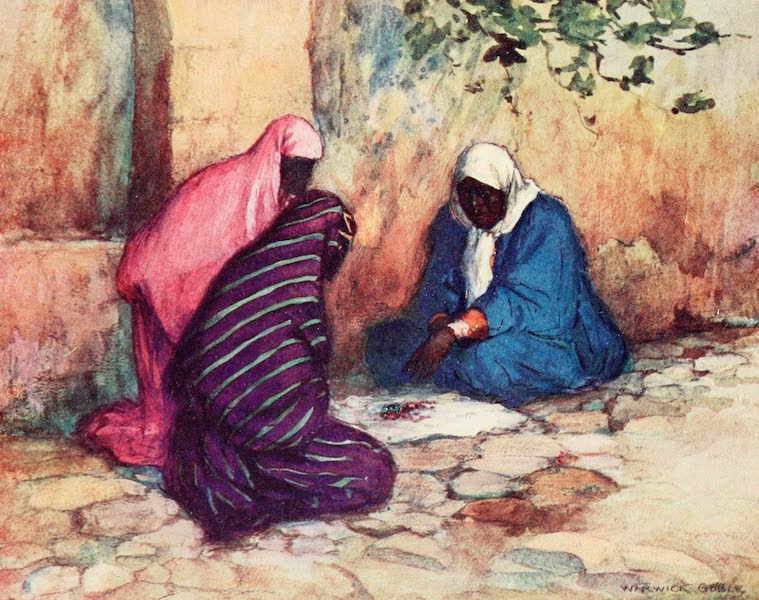 | A Fortune-Teller
|
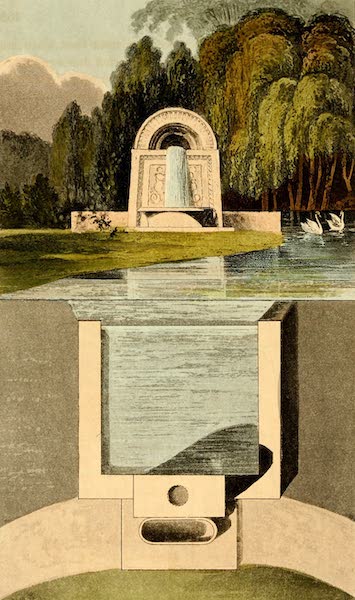 | A Fountain
|
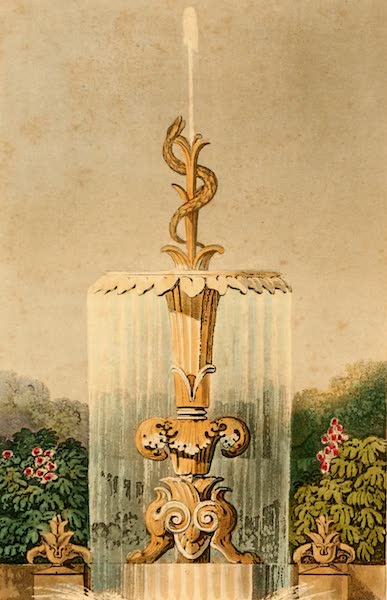 | A Fountain
|
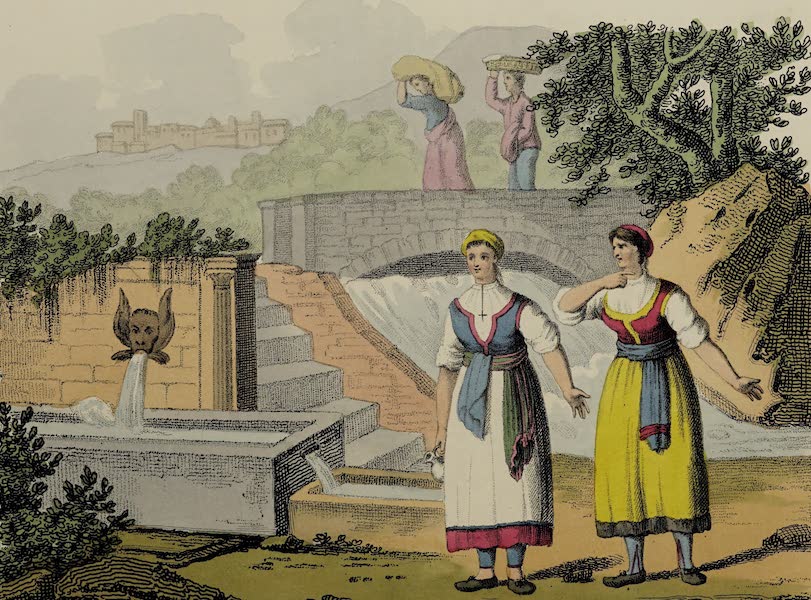 | A Fountain at Masso
|
 | A Fountain by the Bosporus
|
 | A Fountain in a Popular Quarter, Valletta
|
 | A Fountain near Rome
|
 | A Fox Farm
|
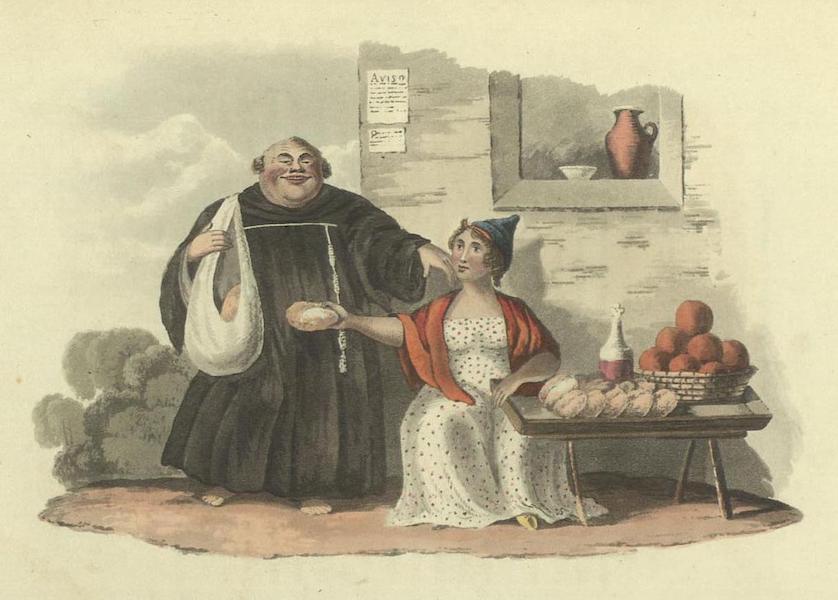 | A Franciscan Friar Collecting Donations for His Convent
|
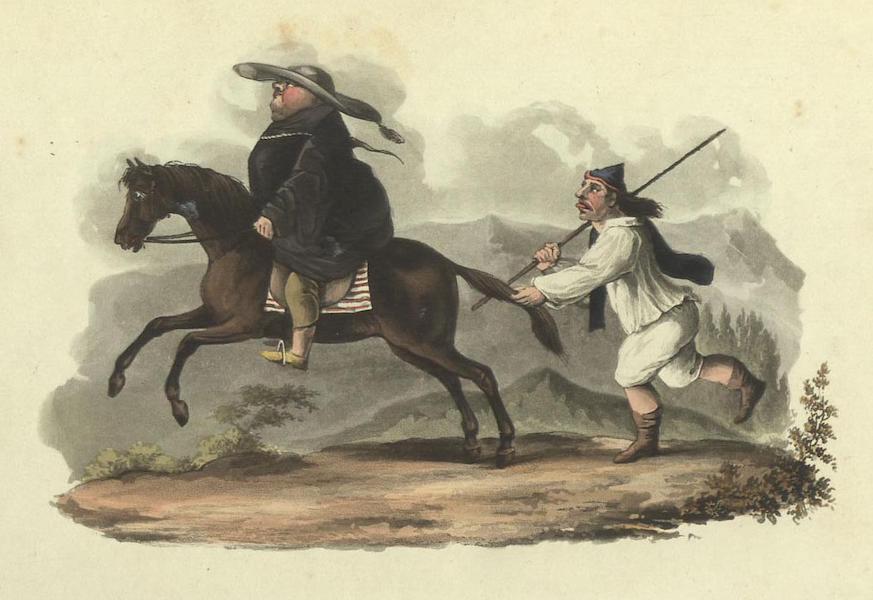 | A Franciscan Friar on a Journey
|
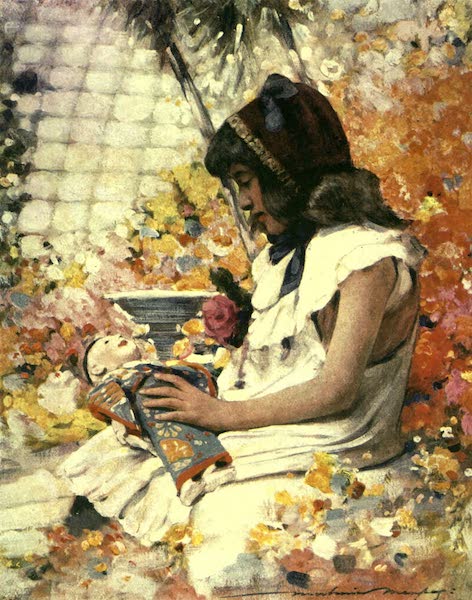 | A French Child
|
 | A French Dragoon
|
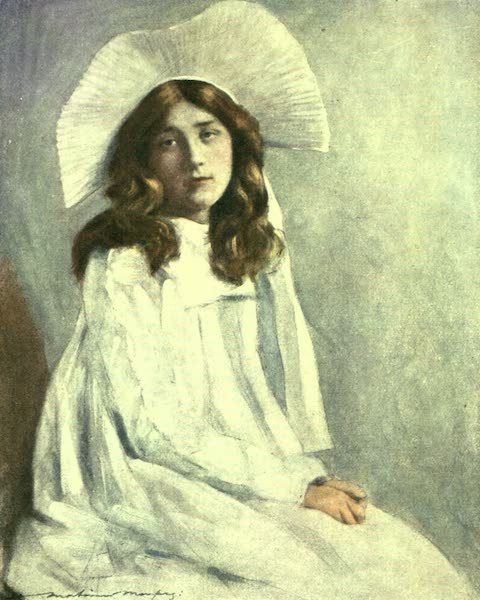 | A French Girl
|
 | A Frog-catcher
|
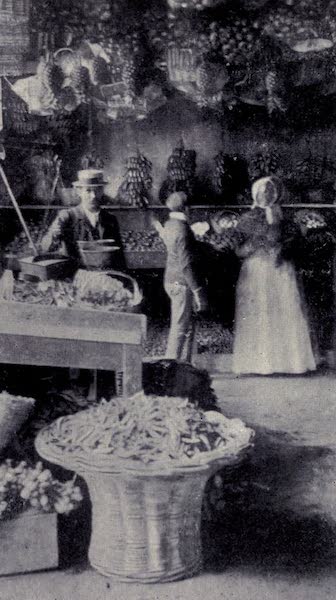 | A Fruit Shop : Funchal
|
 | A Fruit Stall
|
 | A Fruit Stall
|
 | A Fruit Stall in Mollendo, Peru
|
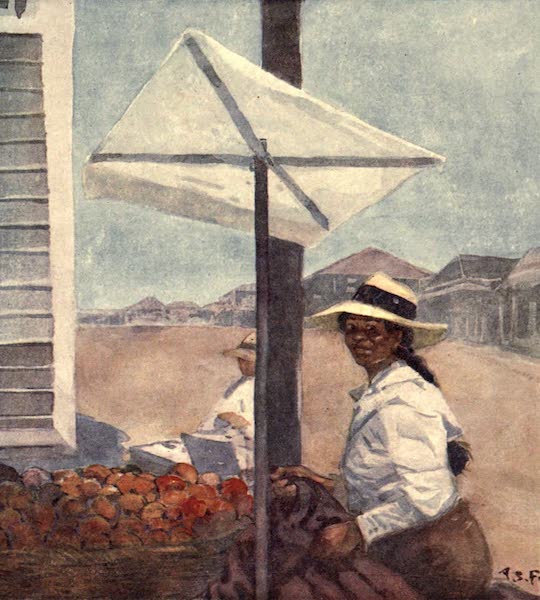 | A Fruit Stall in Mollendo, Peru
|
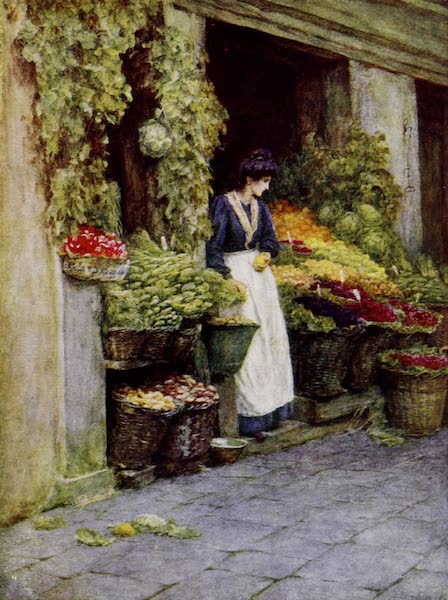 | A Fruit Stall, Venice
|
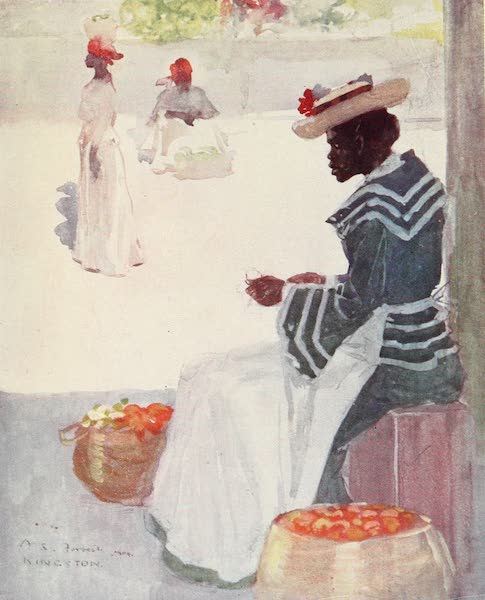 | A Fruit-Seller on a Side-Walk, Kingston
|
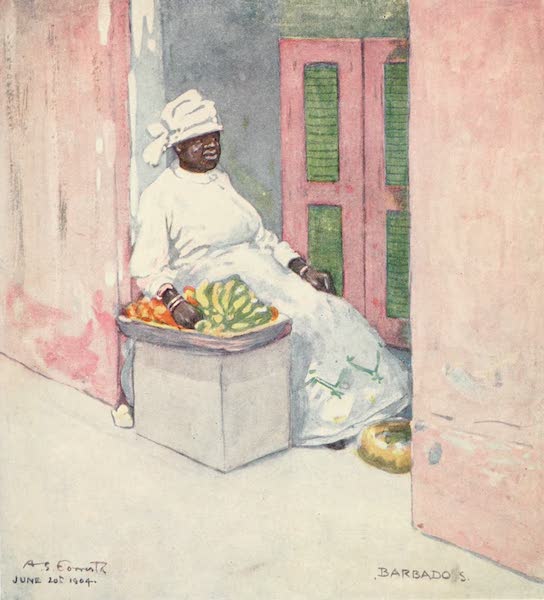 | A Fruit-seller, Barbadoes
|
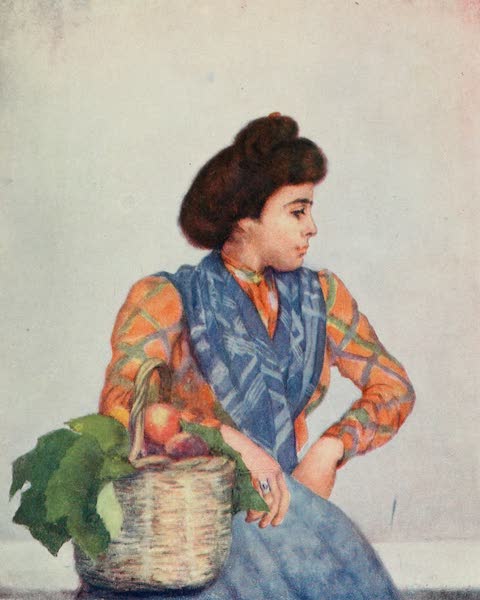 | A Fruit-Seller, Naples
|
 | A Fruit-stall at Bulak
|
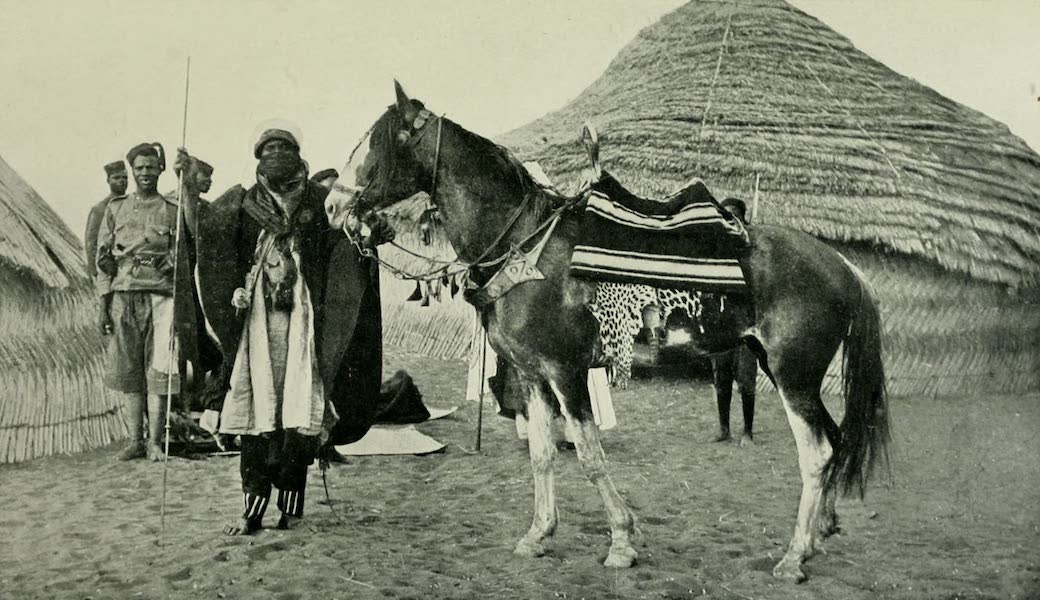 | A Fula Warrior Northern Nigeria
|
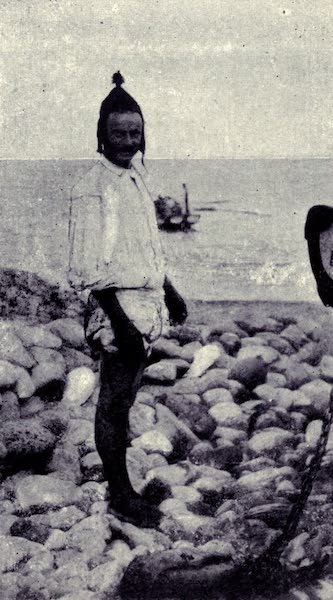 | A Funchal Boatman
|
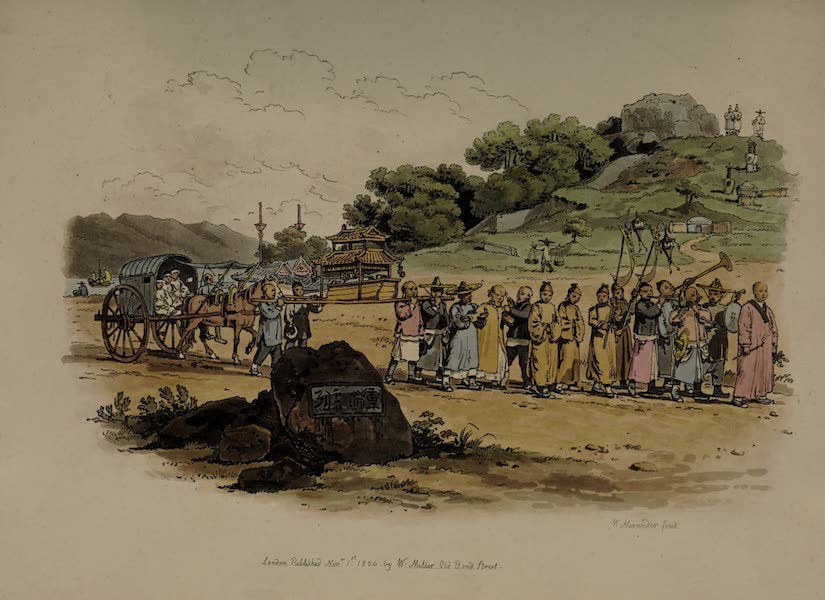 | A Funeral Procession
|
 | A Furrier
|
 | A Gale in the Pack
|
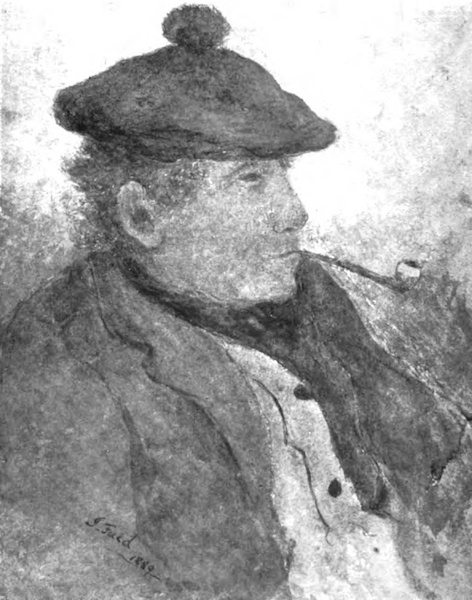 | A Galloway Shepherd
|
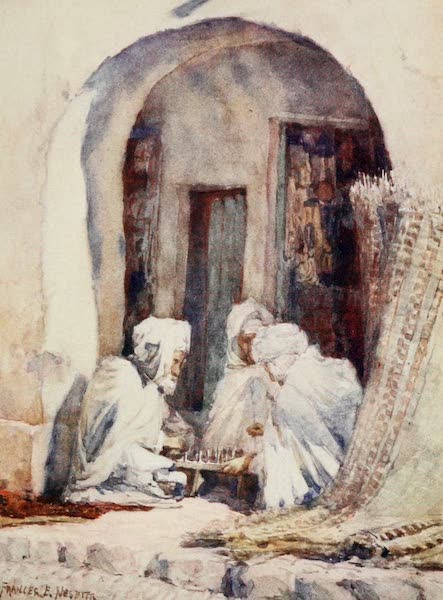 | A Game of Draughts
|
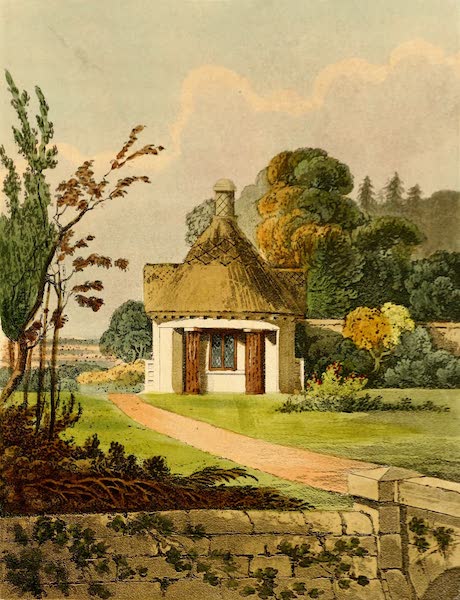 | A Gamekeeper's Lodge
|
 | A Garden
|
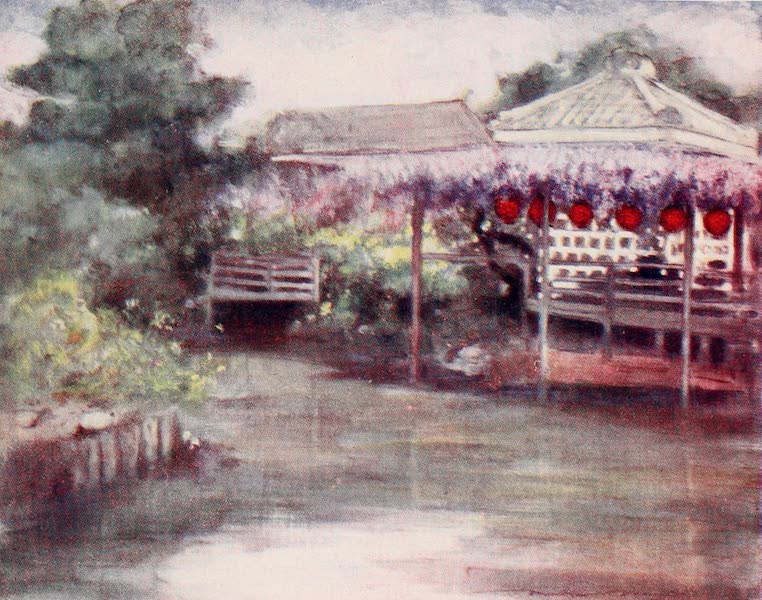 | A Garden
|
 | A Garden at Baveno, Lago Maggiore
|
 | A Garden at Cadenabbia, Lago di Como
|
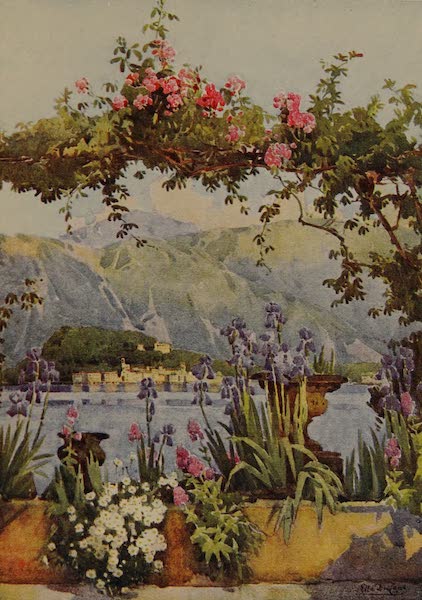 | A Garden at Cadenabbia, Lake Como
|
 | A Garden at Cadenabbia, Lake Como
|
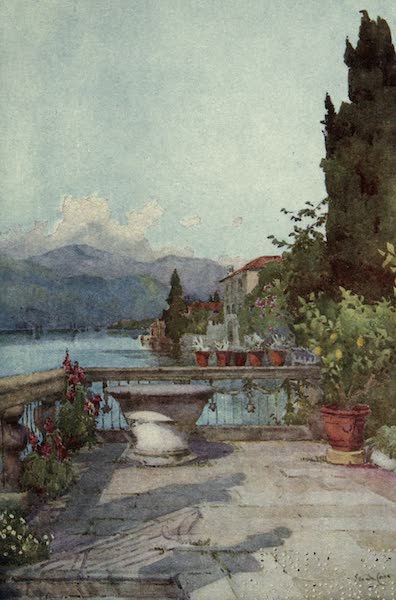 | A Garden at Orta
|
 | A Garden by the Lake, Lago d'Orta
|
 | A Garden Fountain
|
 | A Garden in Luxor
|
 | A Garden in October, Aldworth
|
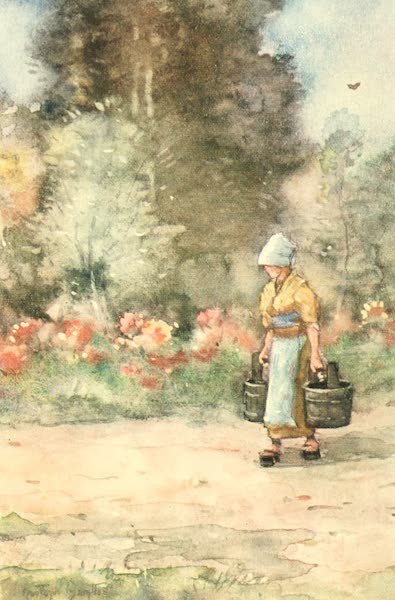 | A Garden in which each Flower is carefully and lovingly tended
|
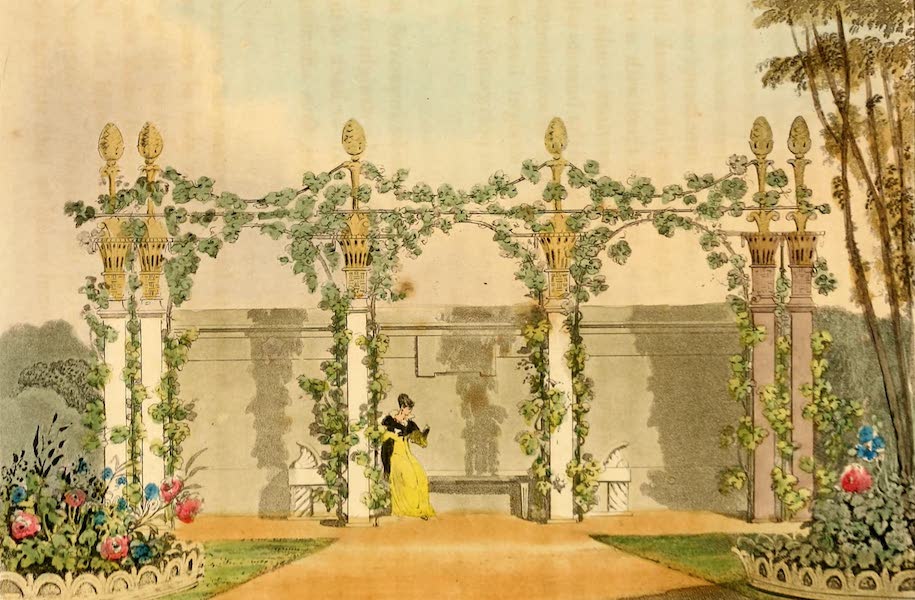 | A Garden Seat
|
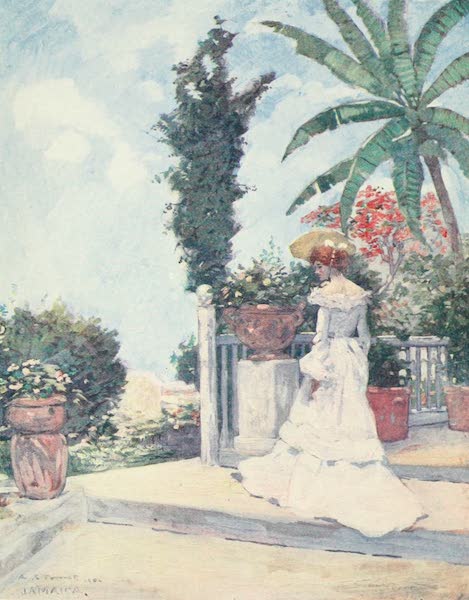 | A Garden Terrace, Jamaica
|
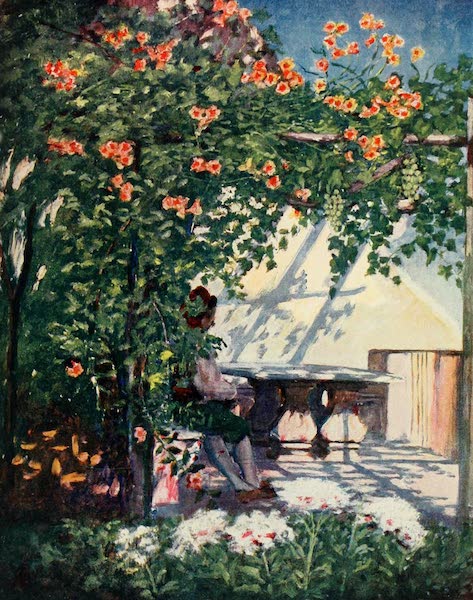 | A Garden Terrace, Sorrento
|
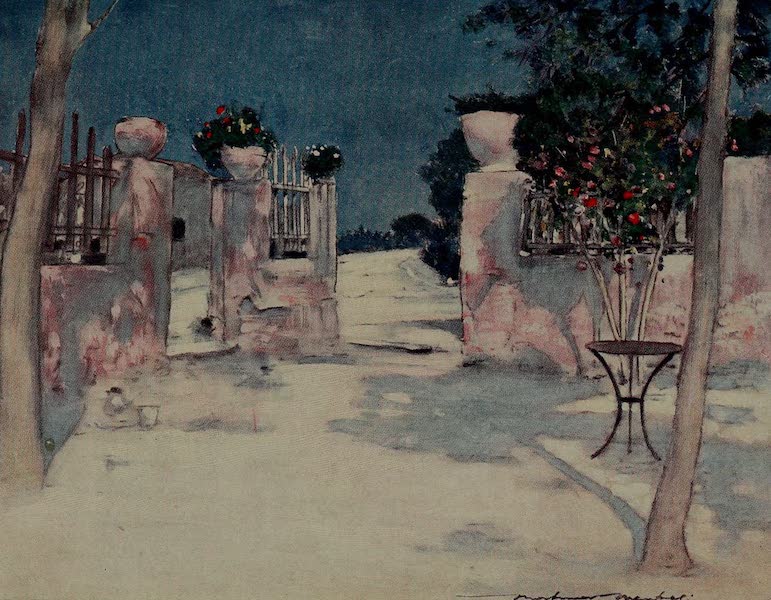 | A Garden, Athens
|
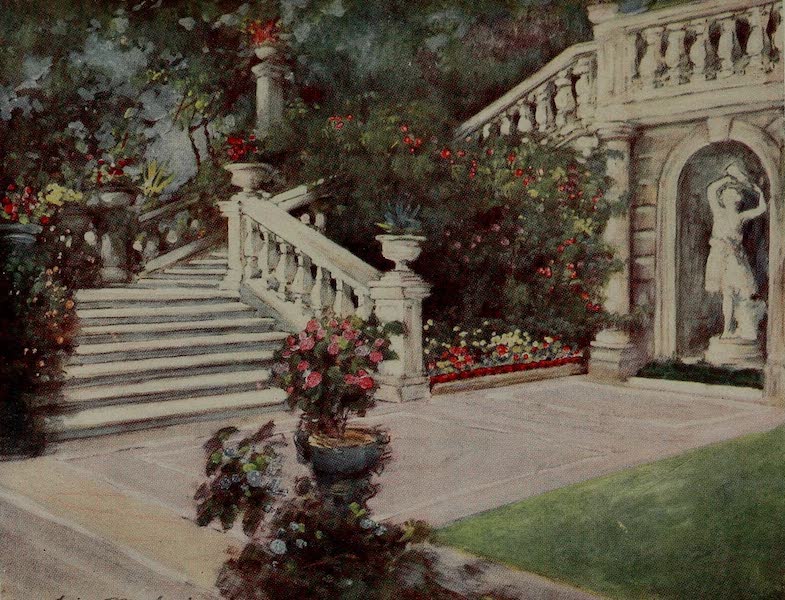 | A Garden, Rome
|
 | A Gardener
|
 | A Gastouri Belle
|
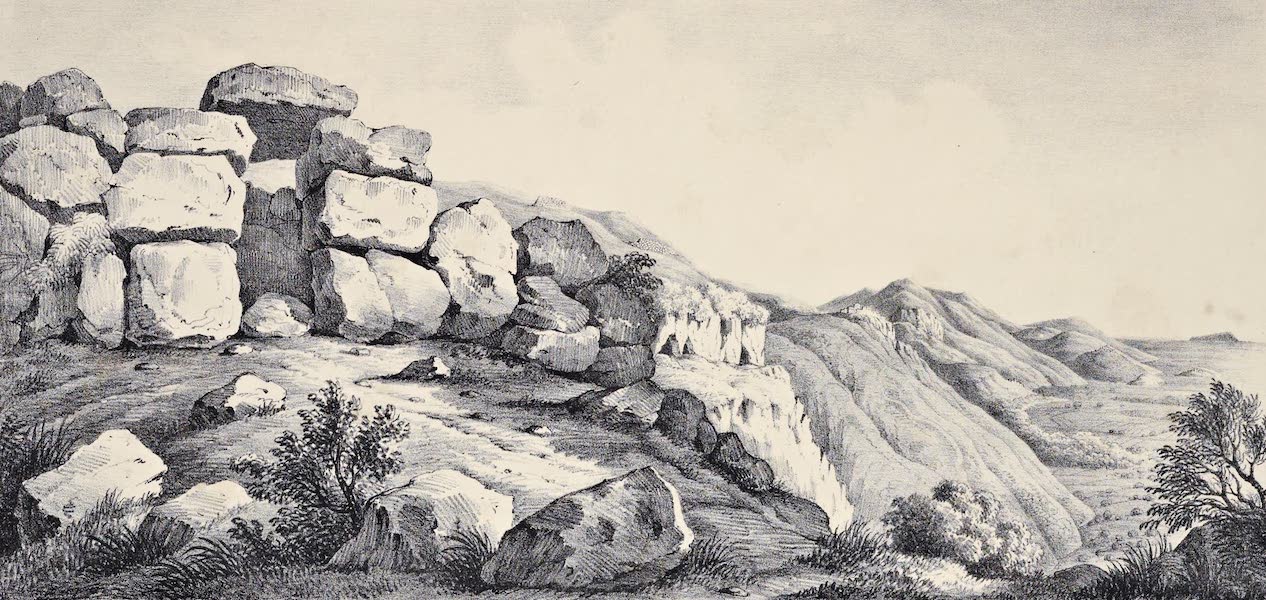 | A Gate at Norba
|
 | A Gate in the Garden of the Alcazar, Seville
|
 | A Gateway in the Bazaar, Lahore
|
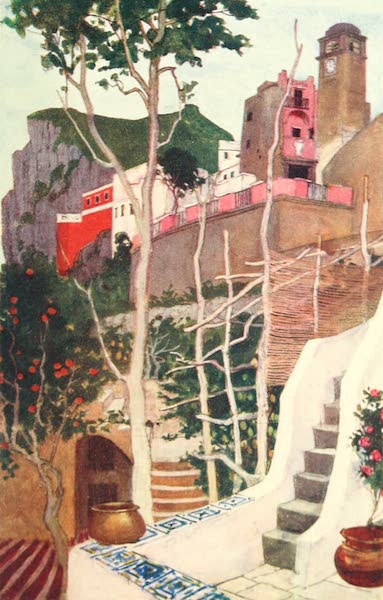 | A Gateway, Capri
|
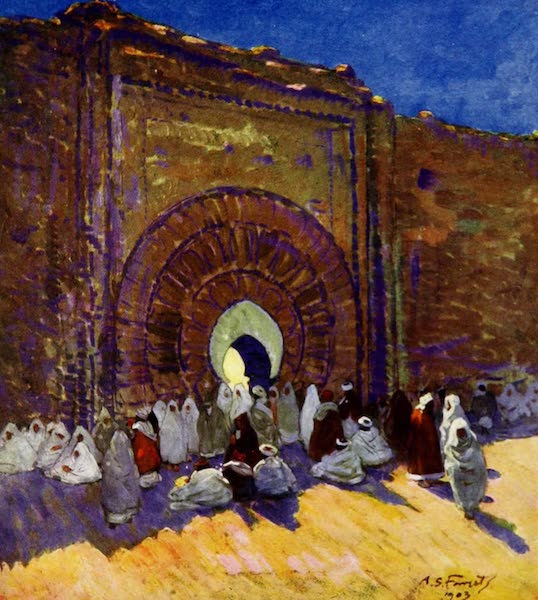 | A Gateway, Marrakesh
|
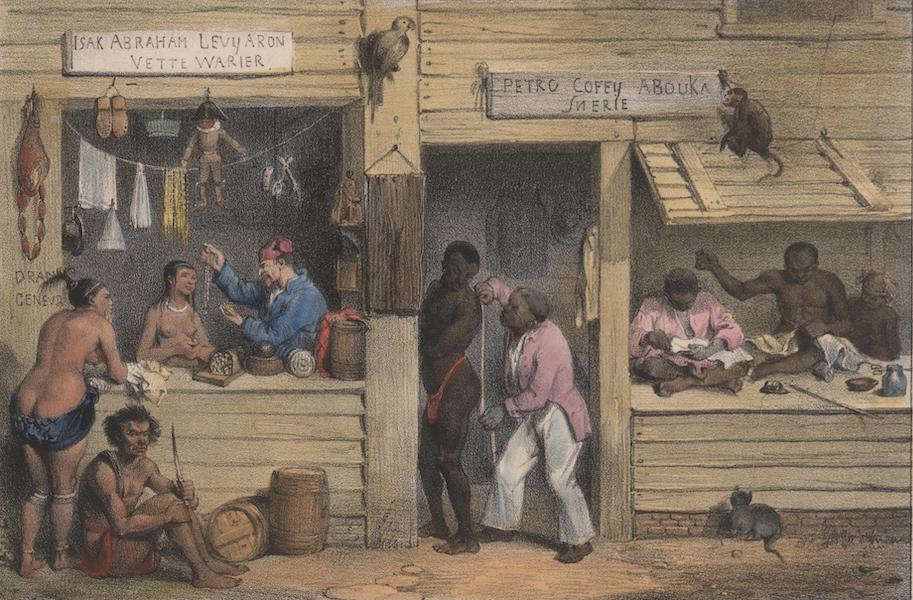 | A gauche, la boutique d'un vette-warier ou detaillant; a droite, la boutique d'un snerie ou tailleur
|
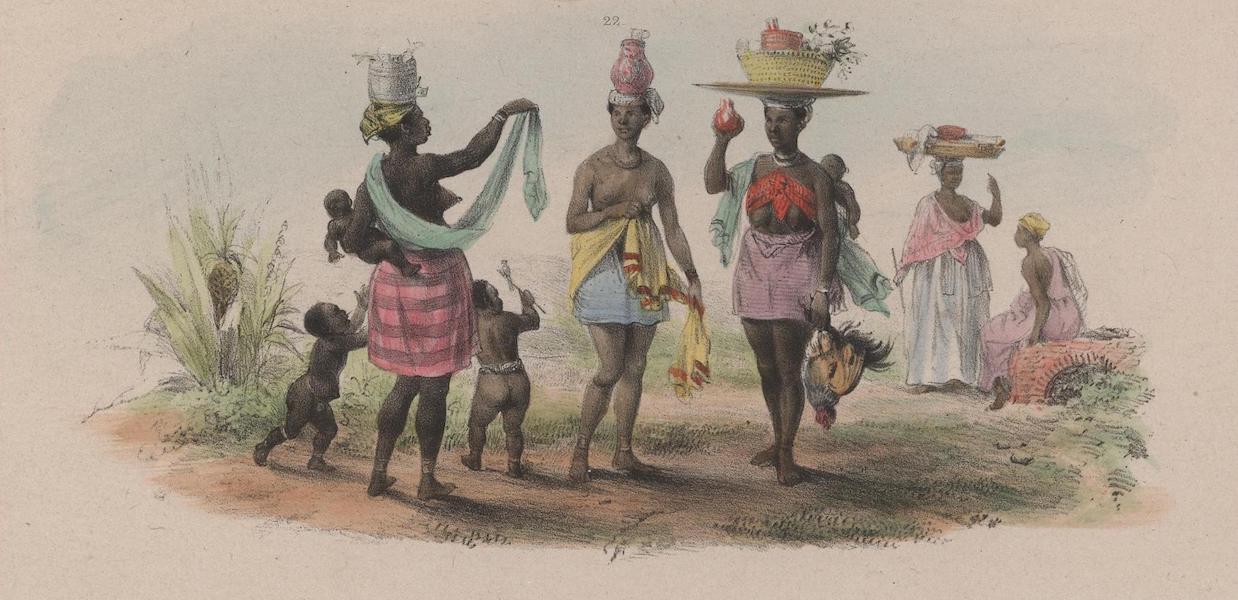 | A gauche, une marchande de kabbeljaauw ou morue, a droite, une verduriere; au milieu, une jeune creole laitiere; dans le fond, une revendeuse
|
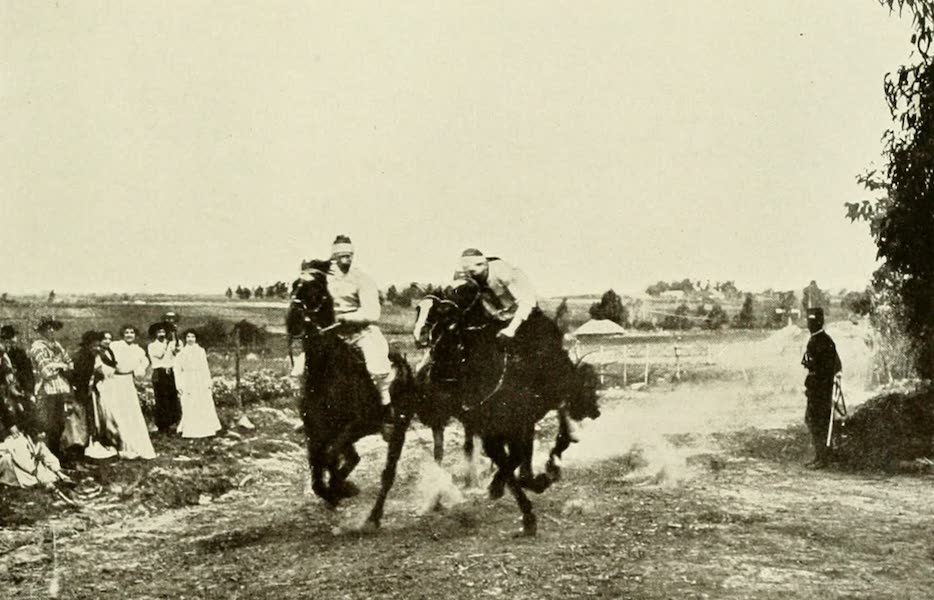 | A Gaucho Race : The Finish
|
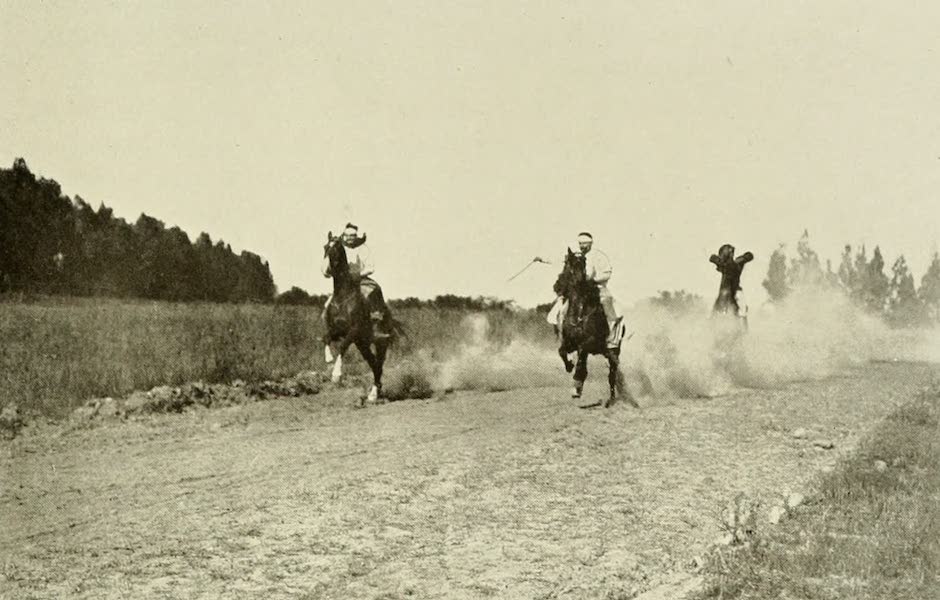 | A Gaucho Race : The Start
|
 | A Gay Garden
|
 | A Gazelle
|
 | A General Chart of the East Coast of Africa
|
 | A General Chart Shewing the Track and Discoveries of H.M. Ships Isabella & Alexander to Davis's Straits & Baffin's Bay
Chart of part of the Arctic including Greenland, Iceland, and Baffin's Bay. Cartographic elements include lines of latitude and longitude, Names of geographical locations, route of the expedition's ships, and soundings. |
 | A general chart, on Mercator's projection, of the track of the ships
A general chart, on Mercator's projection, of the track of the ships from England to the gulf of Pe-che-Iee, or Pekin, and of their return to England ; containing also the limits of the Chinese empire, as extended by the conquests of the present Emperor Chien-lung. |
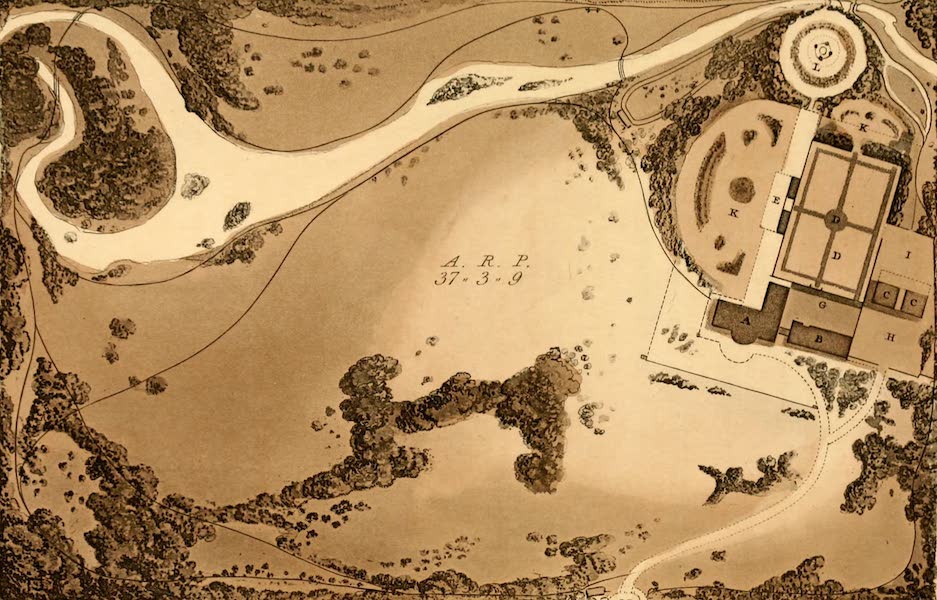 | A General Plan
|
 | A General View of Colmar
|
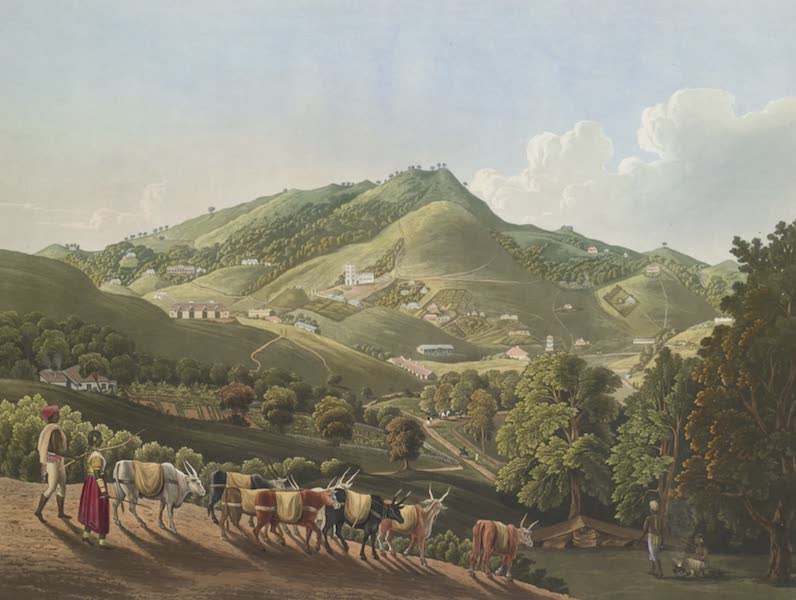 | A General View of Ootacamund
|
 | A General View of the Coast Extending from Cape Fiolente to Sebastopol
In the middle are seen Cape Chersonese and Kamiesch Bay. |
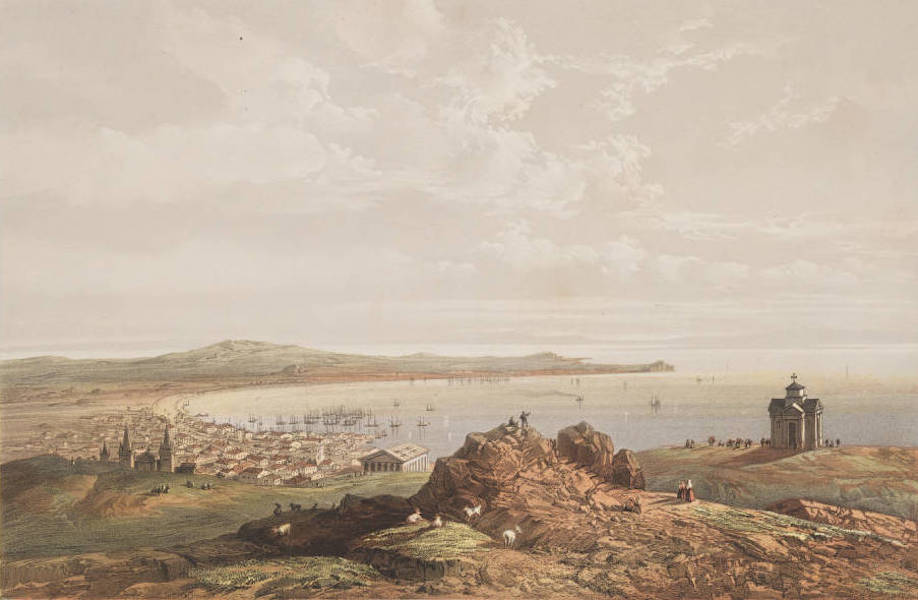 | A General View of the Gulf of Kertch, seen from Mount Mithridates
The rock with steps carved in it, which is in the foreground, is called Mithridates' seat: the great King of Pontus, it is said, went to this spot to look proudly at his large fleet collected in the bay, which cased so much terror to the Romans. The monument on the right is modern, and was erected to the memory of a Russian governor. On the left, below, lies the town; and in the background, the Promontory and Straights of Yenikale, leading to the Sea of Azoff. |
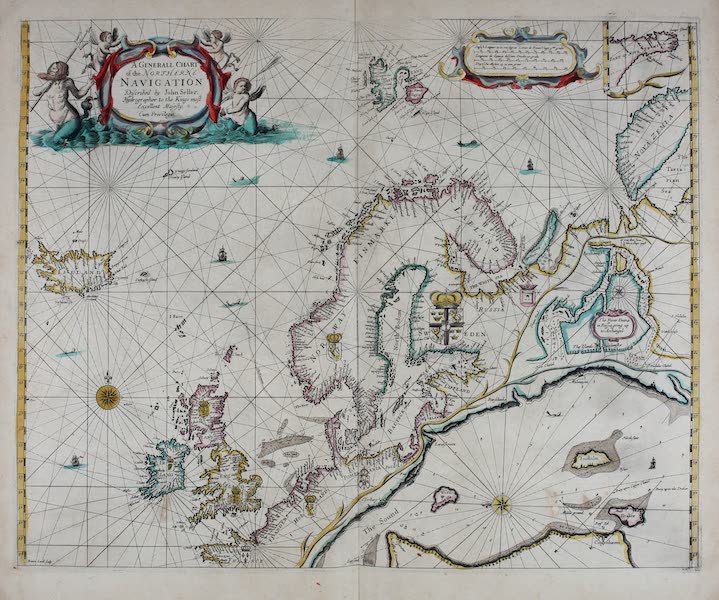 | A generall chart of the north erne navigation
|
 | A Gentleman attended by his Hajaum, or Native Barber
|
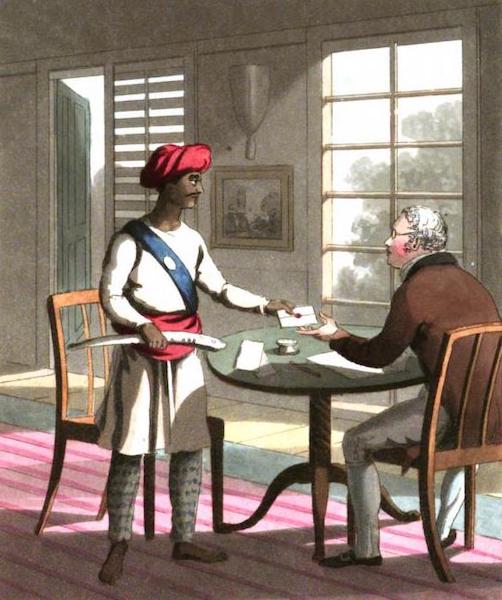 | A Gentleman delivering a Letter to a Soontah-Burdar, or Silver Baton-Bearer
|
 | A Gentleman Dressing, attended by his Head-Bearer, and other Servants
|
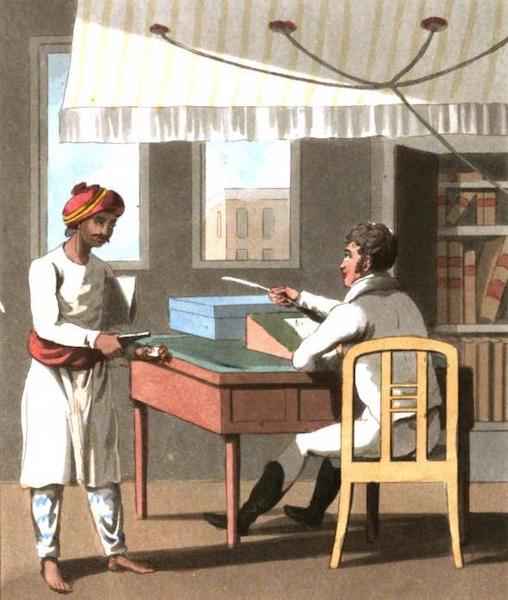 | A Gentleman in his private Office attended by his Duftoree, or Native Office-Keeper
|
 | A Gentleman in His Winter Walking Dress
|
 | A Gentleman in his Winter-Walking Dress
|
 | A Gentleman with his Hookah-Burdar, or Pope-Bearer
|
 | A Gentleman with his Sircar, or Money-Servant
|
 | A Gentleman's Kedmutgars, or Table Servants, bringing in Dinner
|
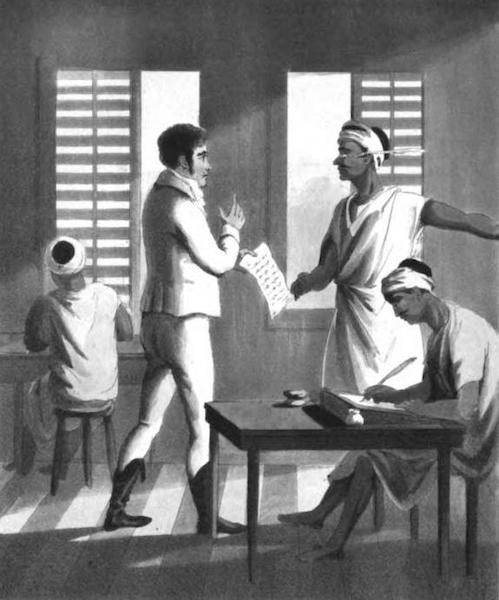 | A Gentleman, in a Public Office, attended by the Crannies, or Native Clerks
|
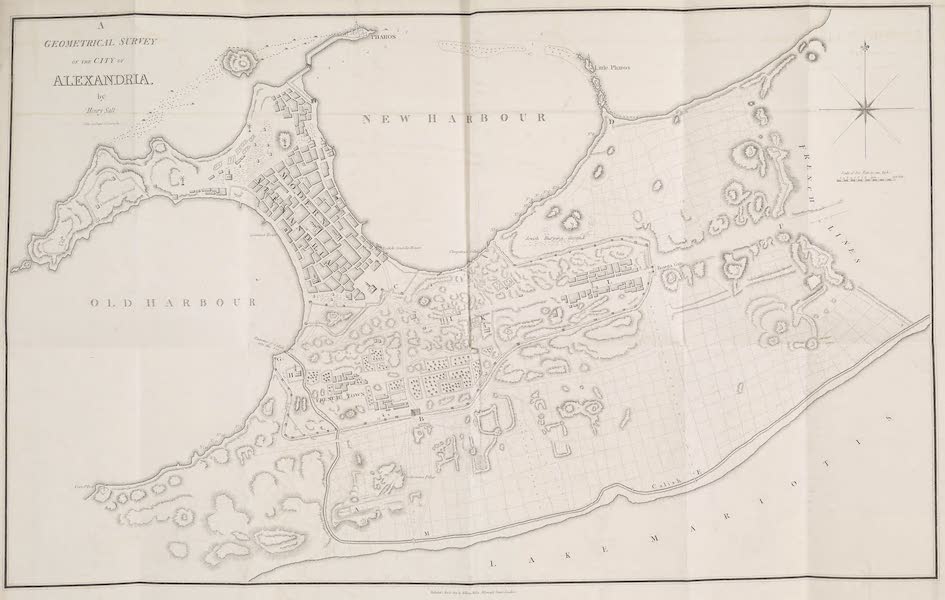 | A Geometrical Survey of the City of Alexandria
|
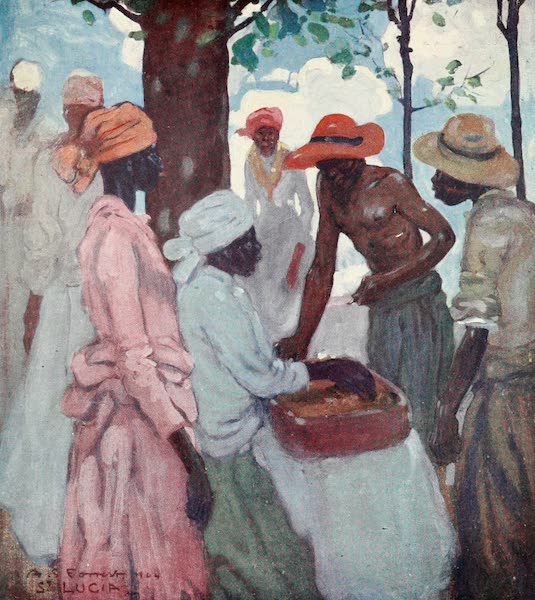 | A Gingerbread-seller, St. Lucia
|
 | A Gipsy Home
|
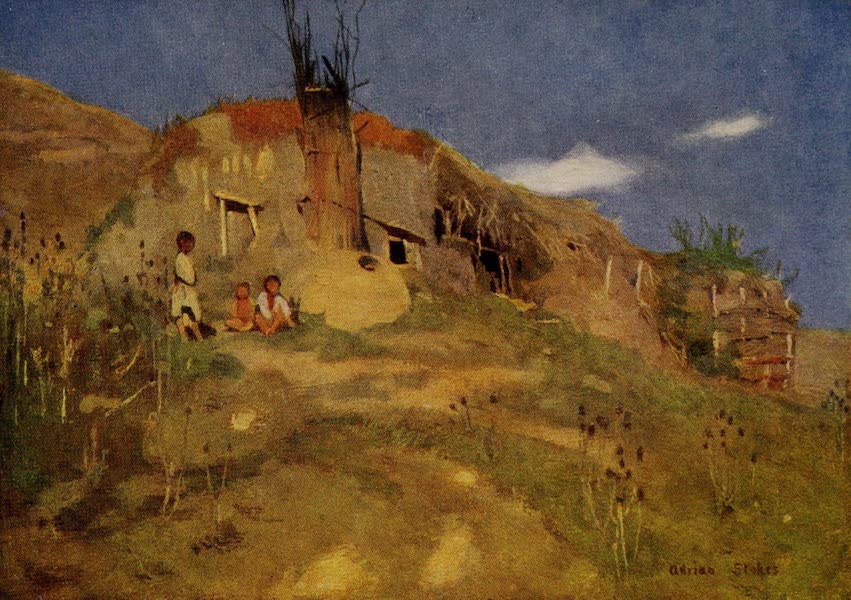 | A Gipsy's Castle, Transylvania
|
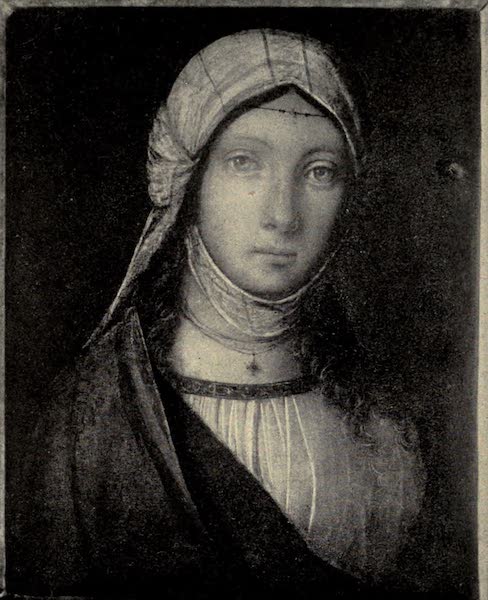 | A Gipsy. Boccaccio Boccaccini, in the Pitti
|
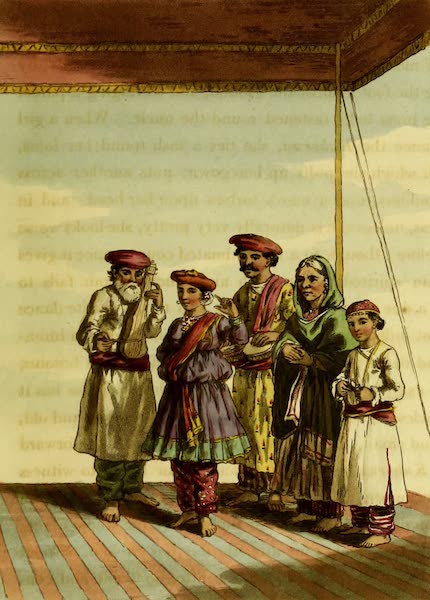 | A Girl Dancing the Kukarwa
|
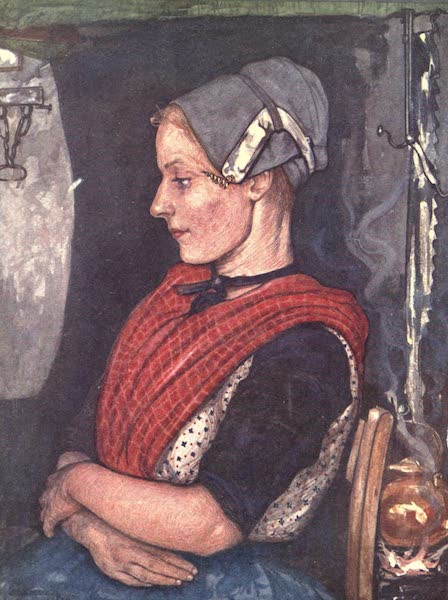 | A Girl of Elspeet
|
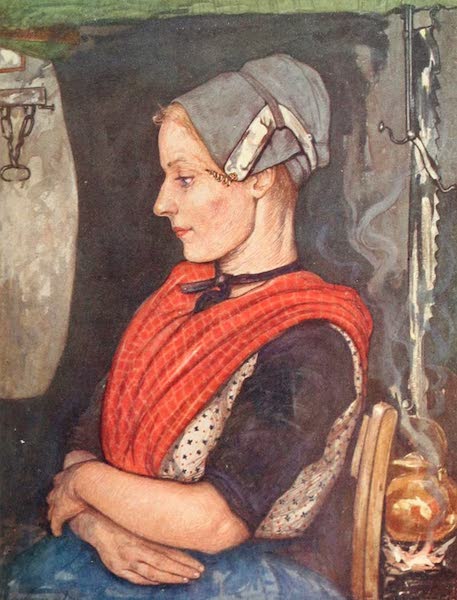 | A Girl of Elspeet
|
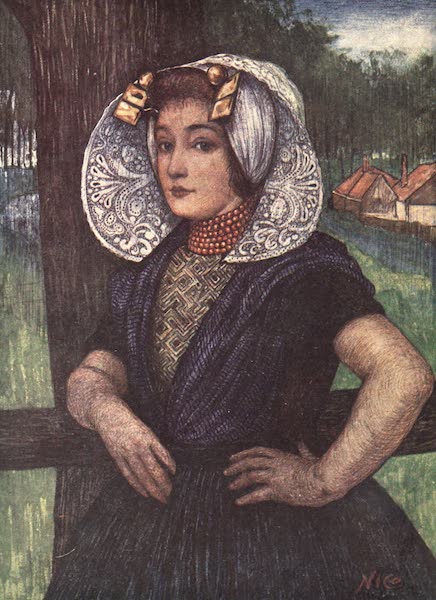 | A Girl of Goes
|
 | A Girl of Goes
|
 | A Girl of Marken
|
 | A Girl of Marken
|
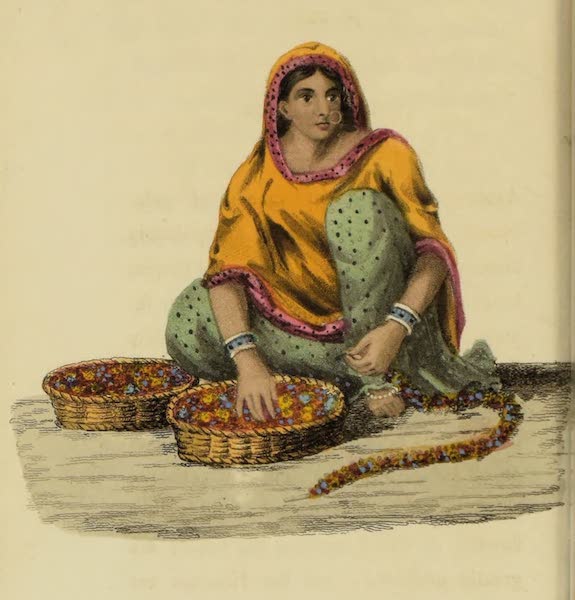 | A Girl stringing Flowers for Wreaths
|
 | A Girl with a Doll
|
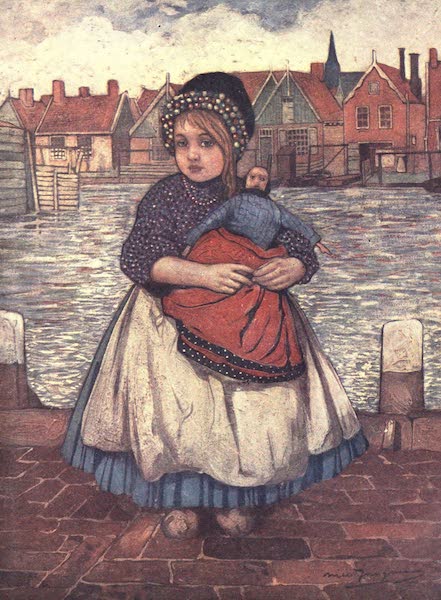 | A Girl with a Doll
|
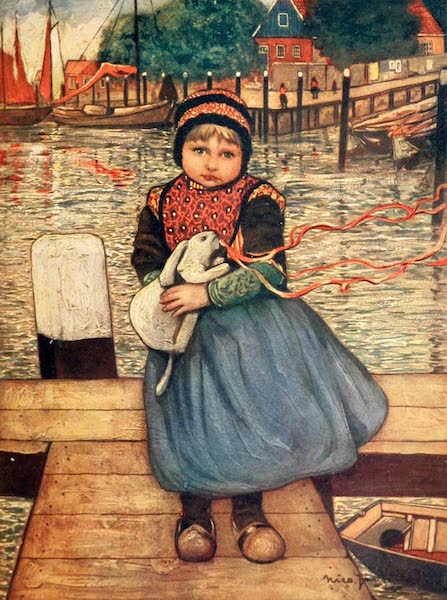 | A Girl with a Rabbit
|
 | A Girl with a Rabbit
|
 | A Glacial Lake in the Wasatch Range
|
 | A Glacier (The Mer de Grace with the Grandes Jorasses in the Distance)
|
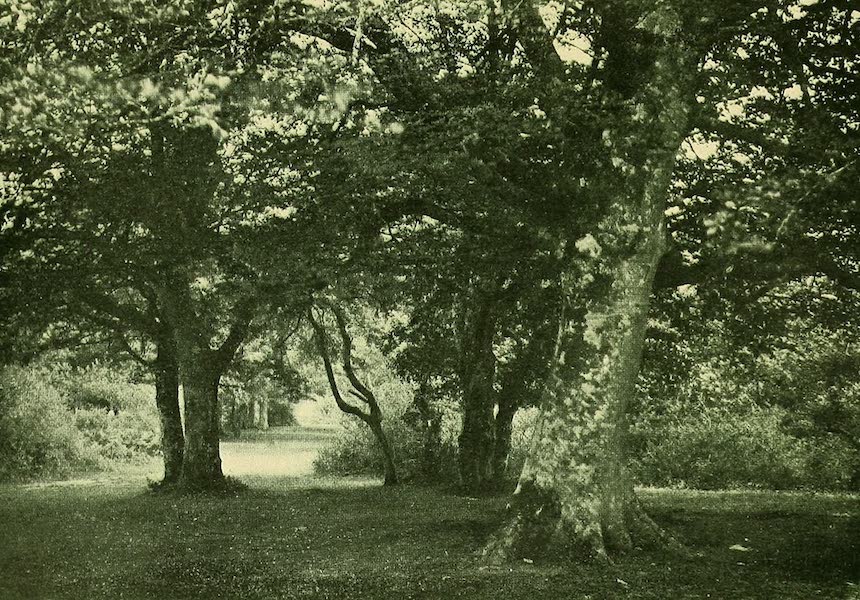 | A Glade in New Forest
|
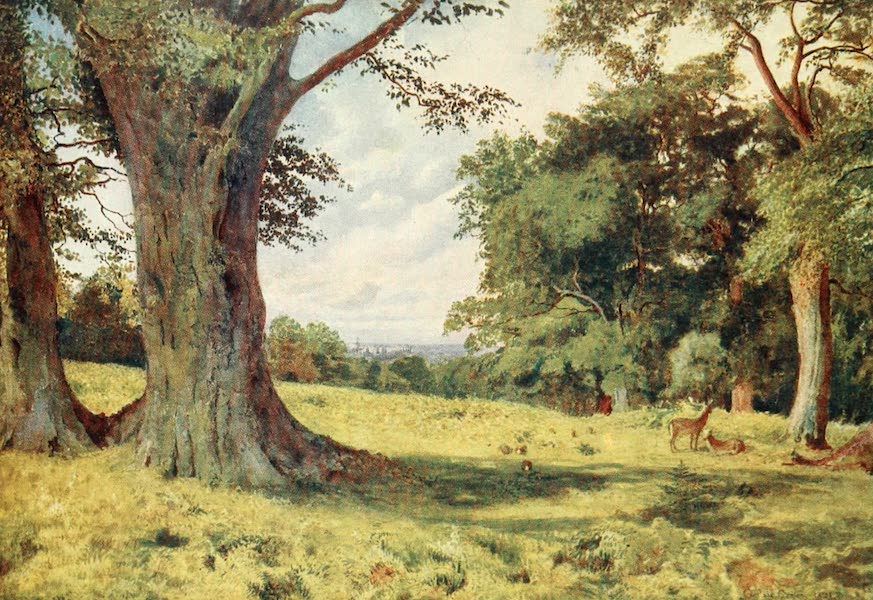 | A Glade in Windsor Great Park
|
 | A Glimpse of Grasmere (evening sun)
|
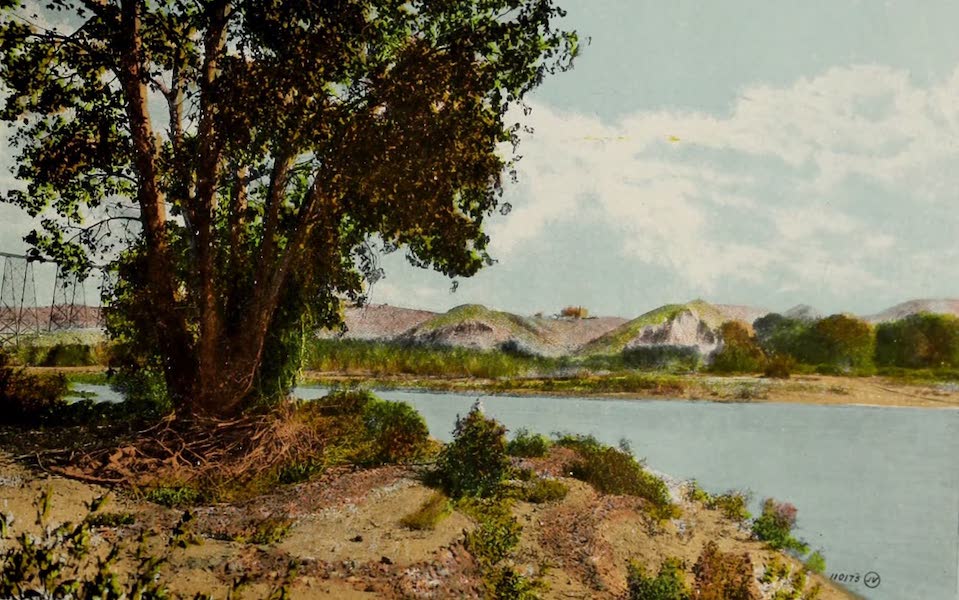 | A Glimpse of Lethbridge from the Valley
|
 | A Glimpse of Niagara from under Luna Island
|
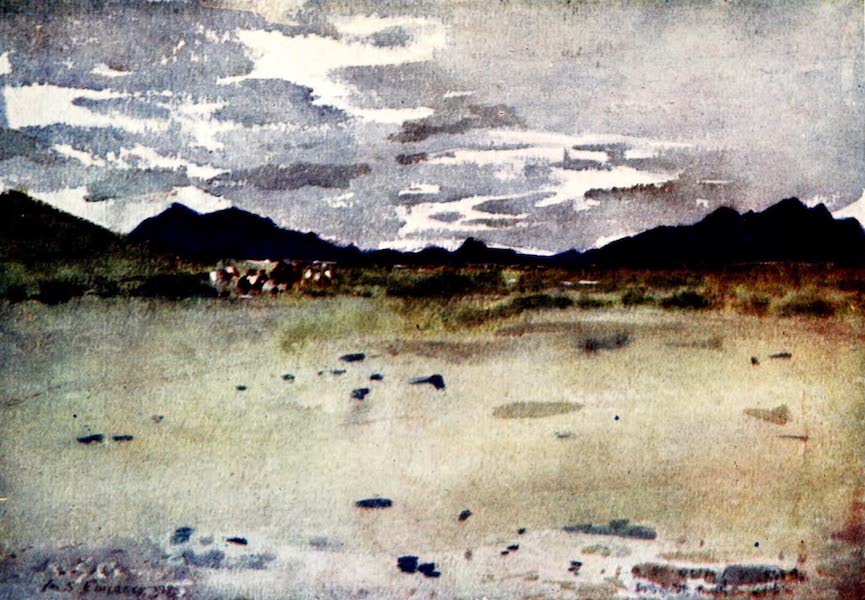 | A Glimpse of the Atlas Mountai
|
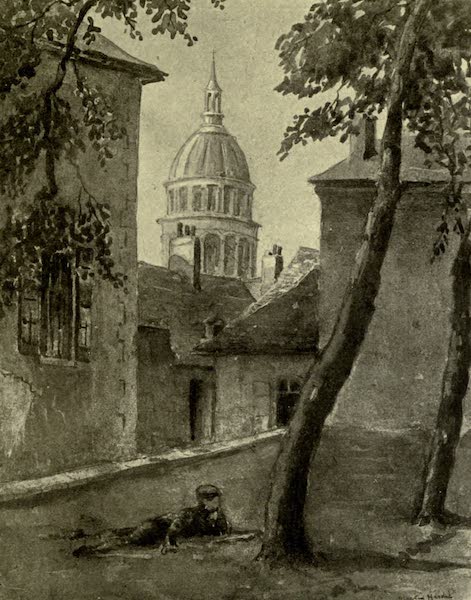 | A Glimpse of the Cathedral from the Ramparts
|
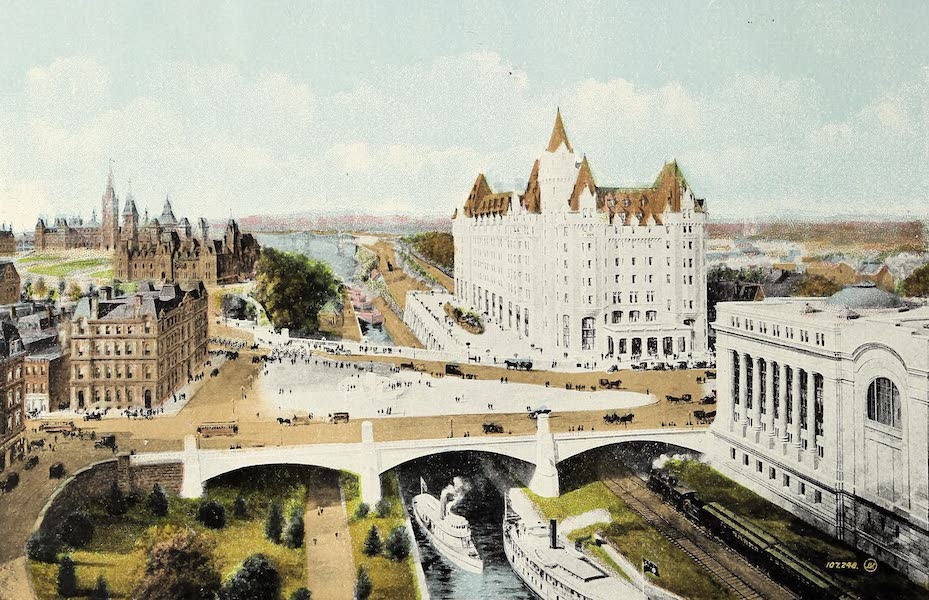 | A Glimpse of the City of Ottawa, showing Chateau Laurier, The Grand Trunk's New Hotel
|
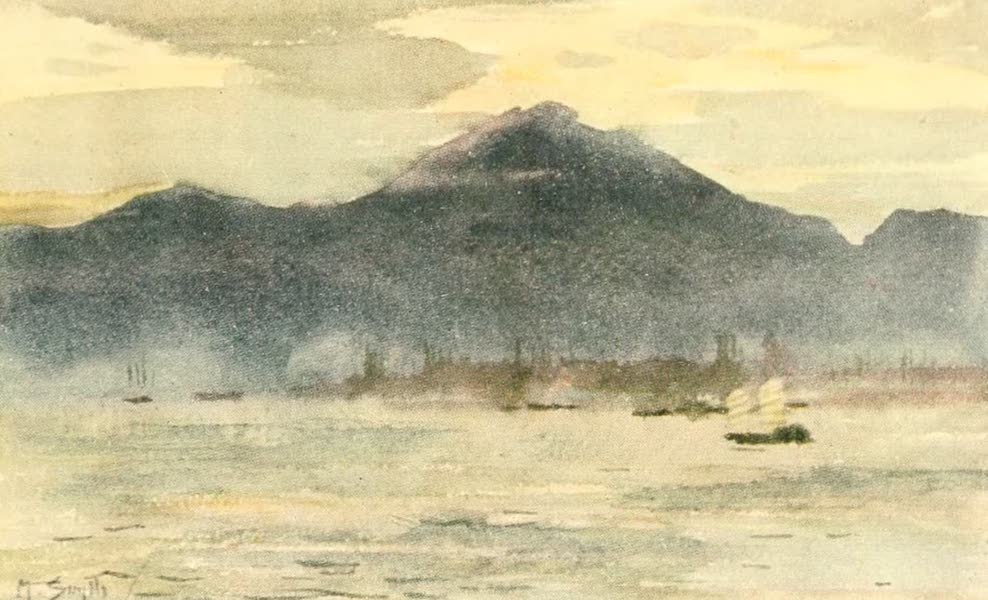 | A glimpse of the Coast off Kobe
|
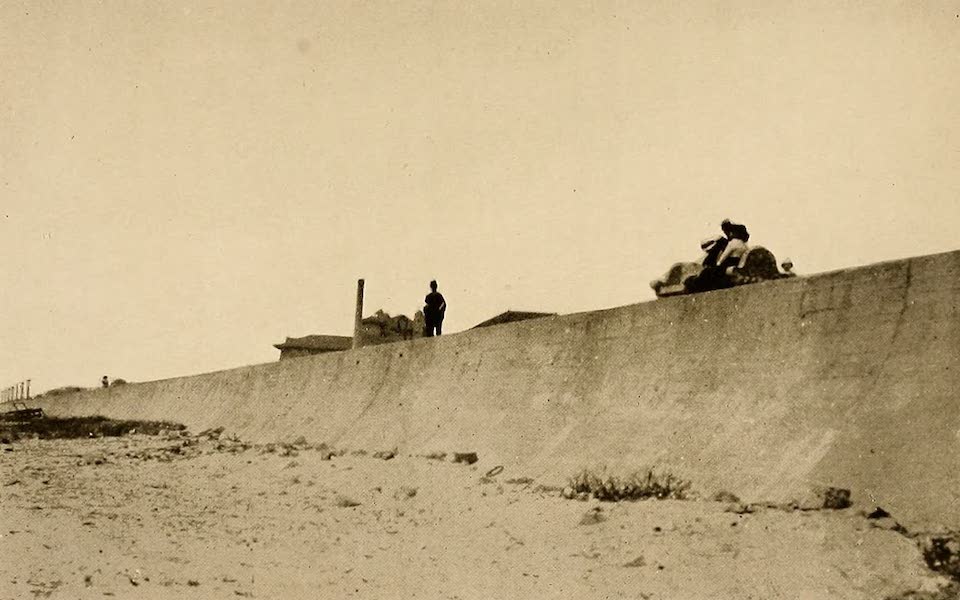 | A Glimpse of the Concrete Wall, Galveston
|
 | A Glimpse of the Grand Canyon
|
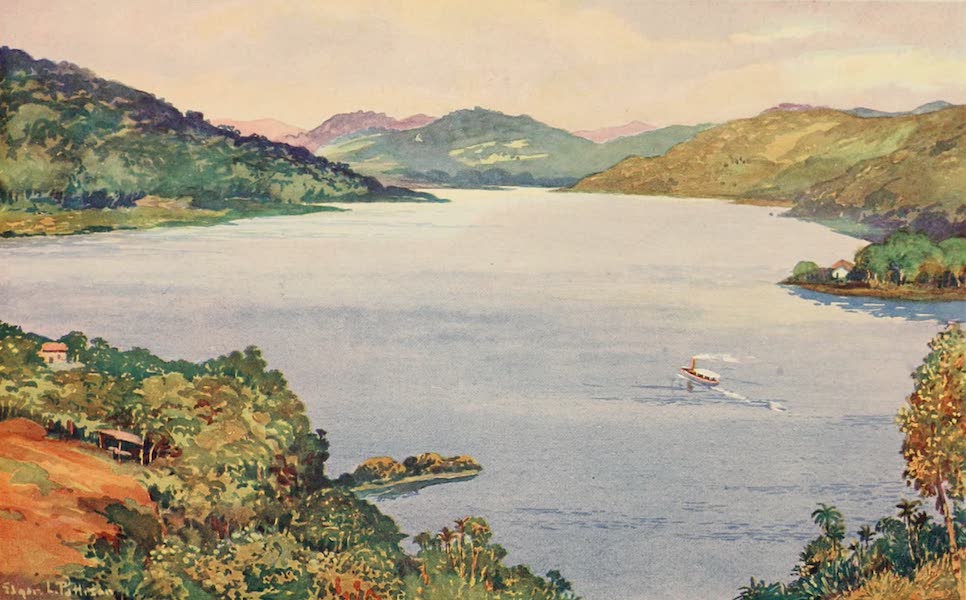 | A Glimpse of the Lake at Riberao das Lages
|
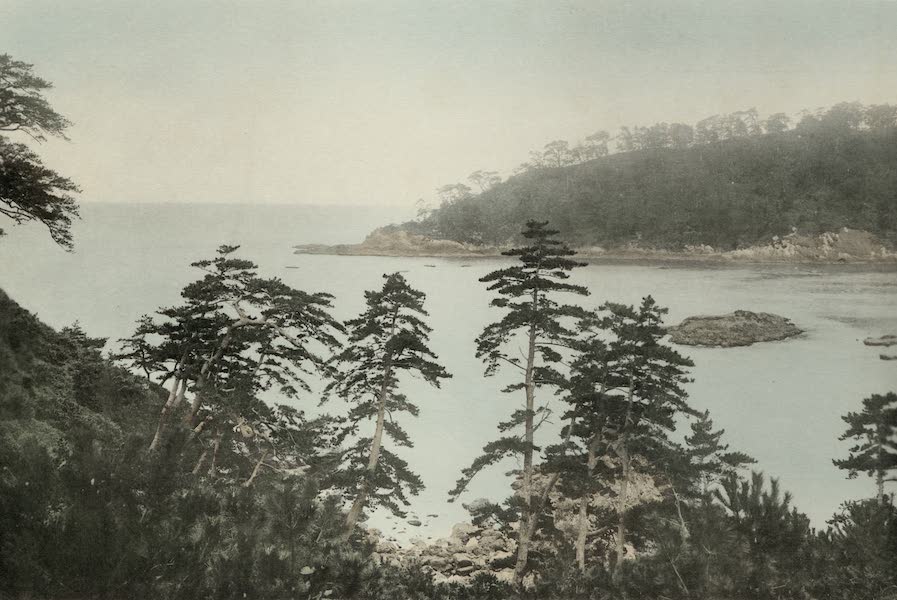 | A Glimpse of the Pacific Coast from a Passing Train on the Tokaido Line
|
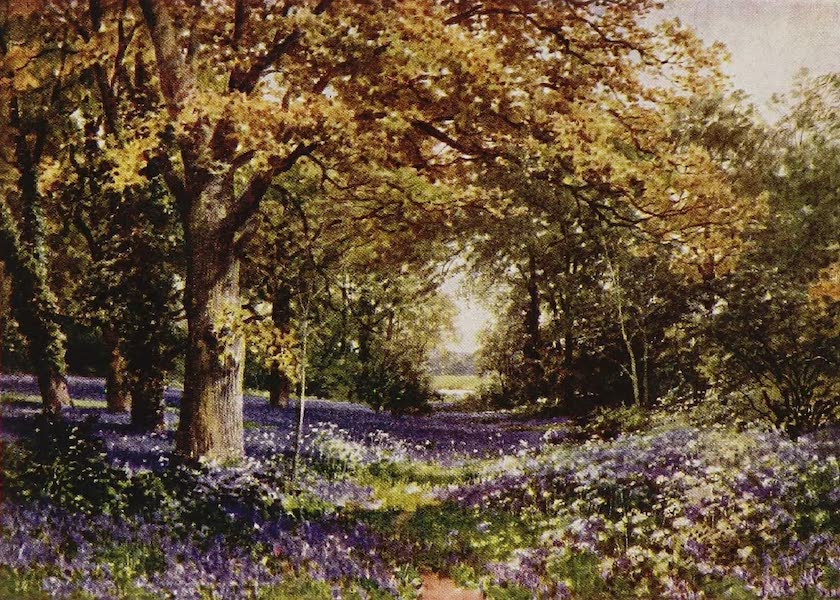 | A Glimpse of the Thames, Kew
|
 | A Glimpse of Vancouver's Sky Line
|
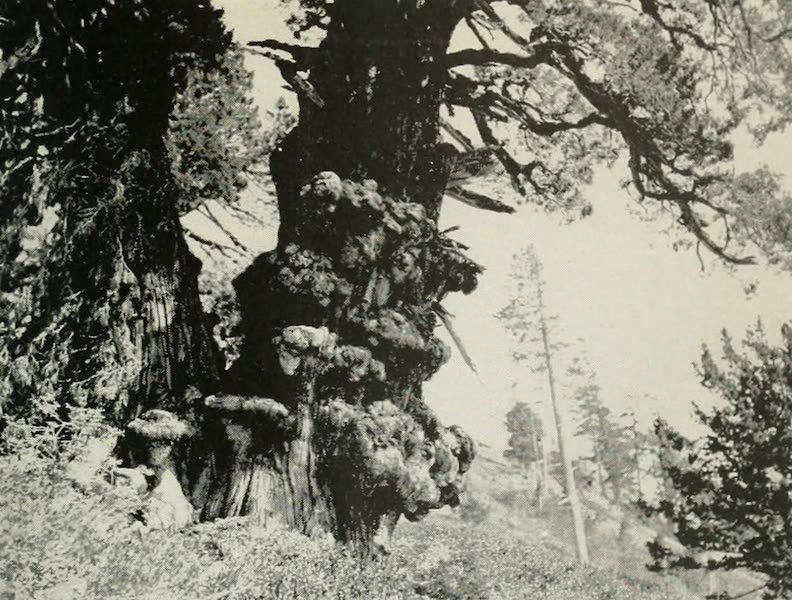 | A gnarled monarch of the High Sierras, an aged Juniper, near Lake Tahoe
|
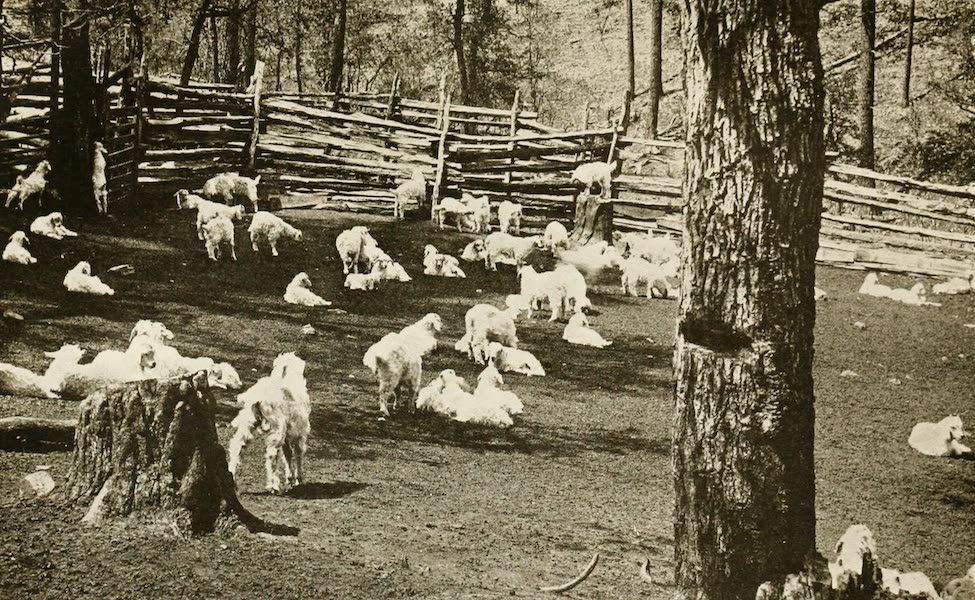 | A Goat Ranch in the Lincoln National Forest
|
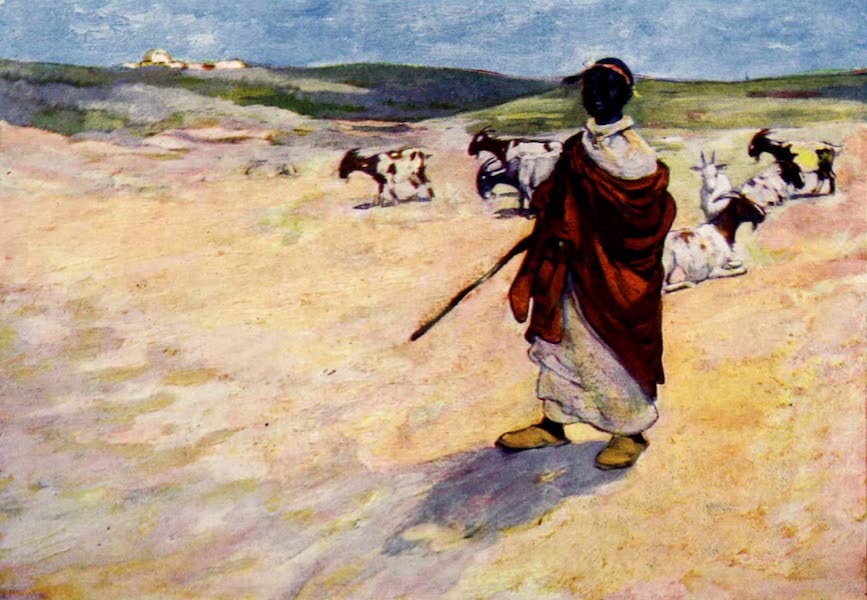 | A Goatherd
|
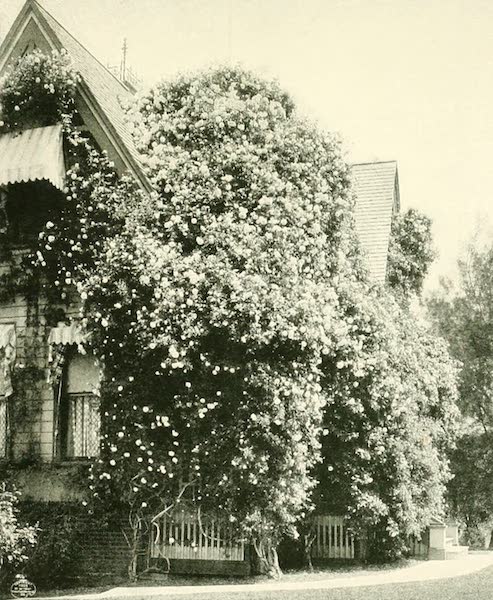 | A Gold of Ophir rose bush
|
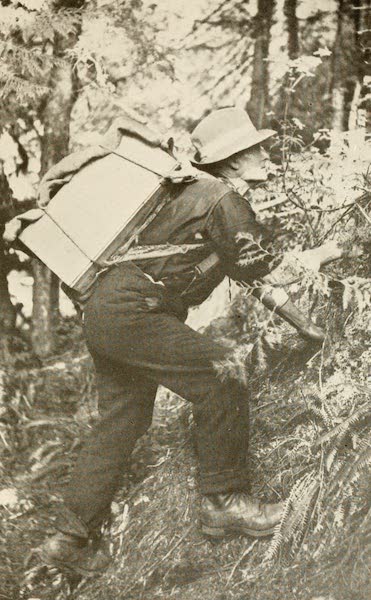 | A Gold Prospector
|
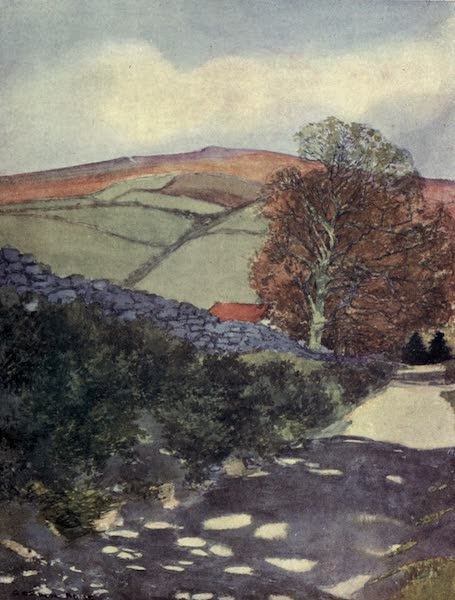 | A Golden Afternoon, Danby
|
 | A Good Road in Persia
|
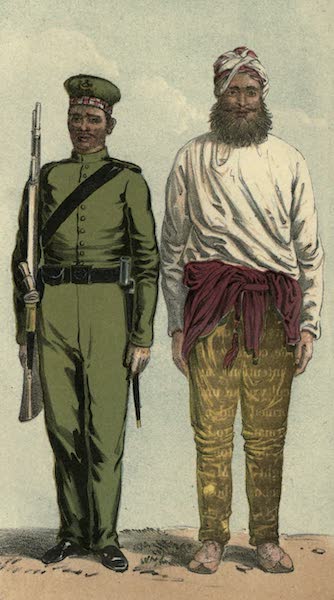 | A Goorka Soldier / A Sikh Servant of Rajah Lal Sing
|
 | A Gothic Conservatory
|
 | A Gothic Cottage
|
 | A Government Pack Train
|
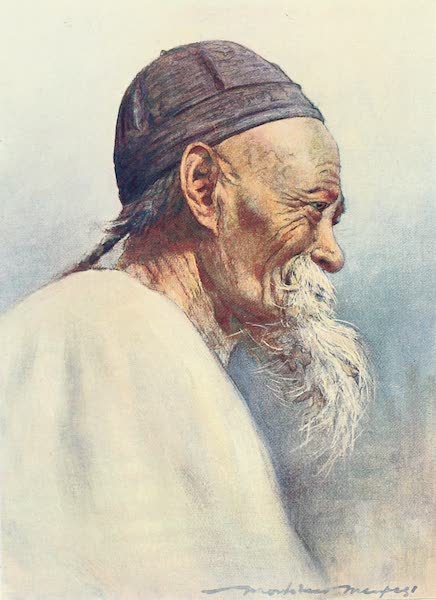 | A Grandfather
|
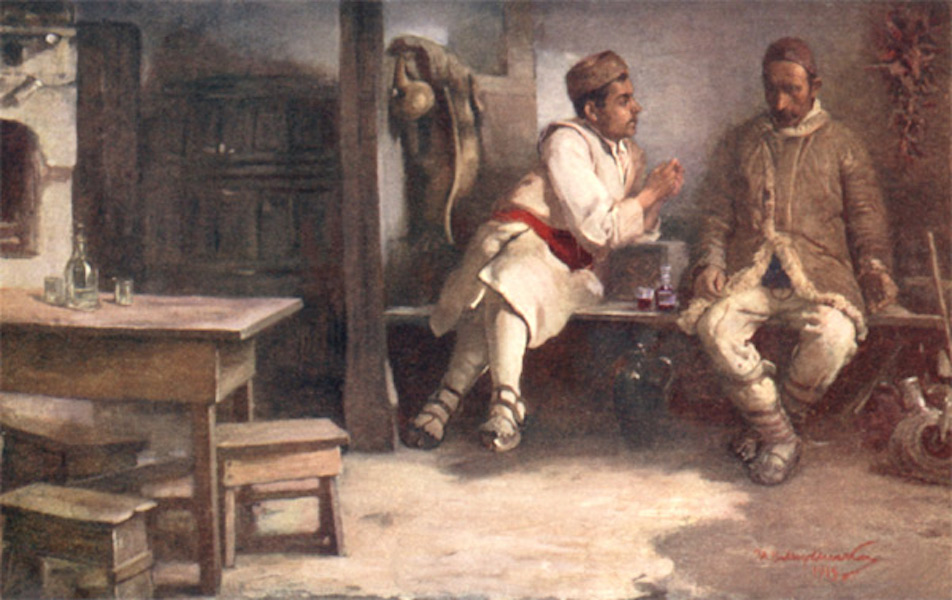 | A Grave Question
|
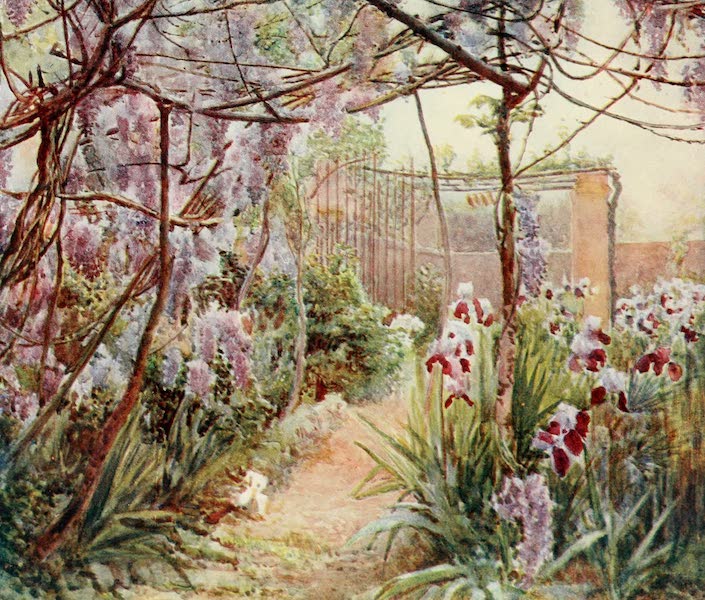 | A Gray Day in the Courtyard
|
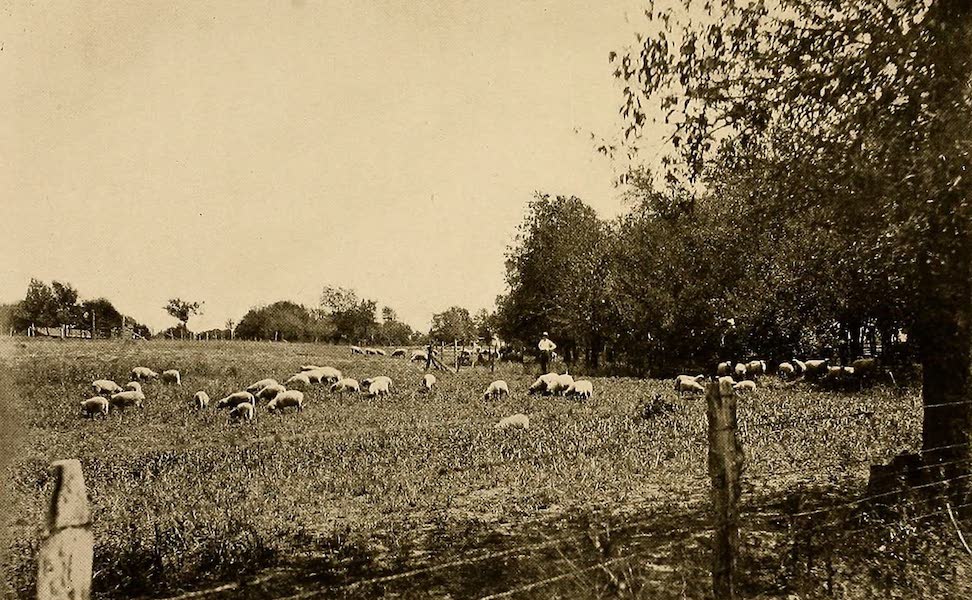 | A Grazing Scene
|
 | A Greaser
|
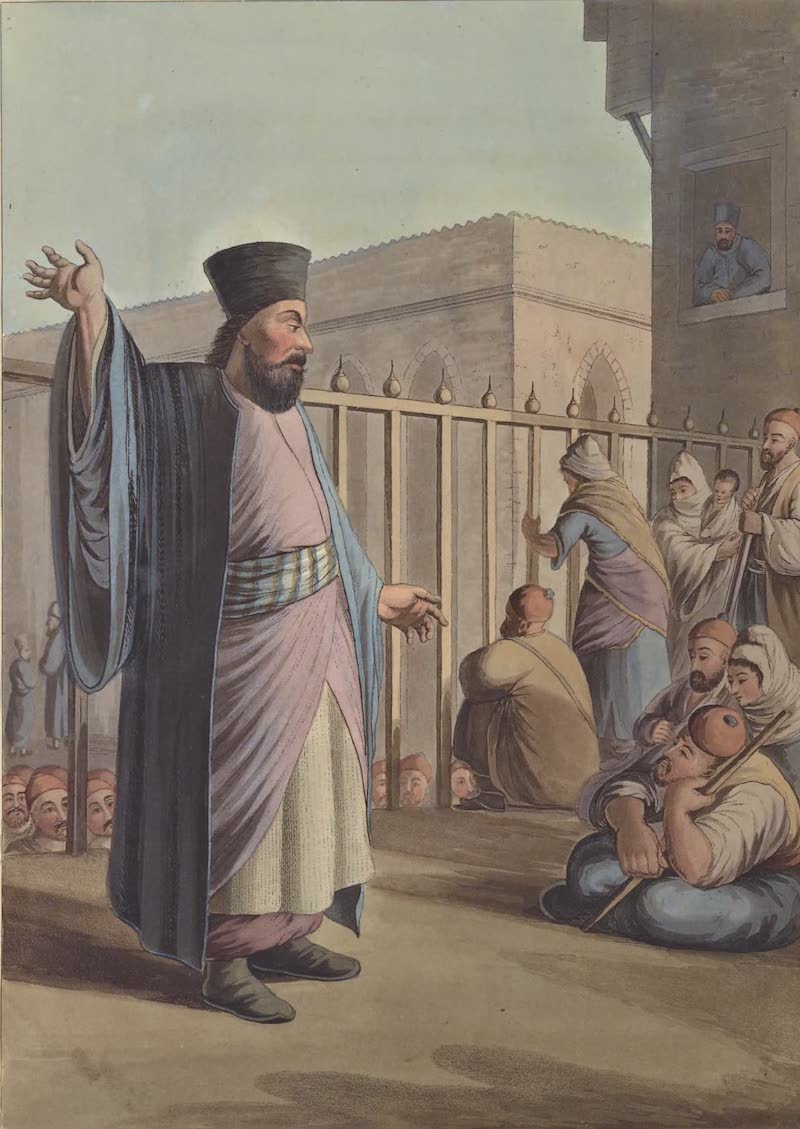 | A Greek Caloyer
|
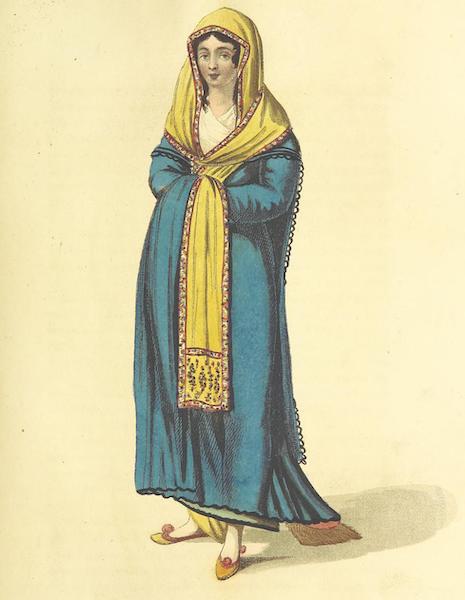 | A Greek Lady in her walking dress
|
 | A Greek Priest of the Country of Cattaro
|
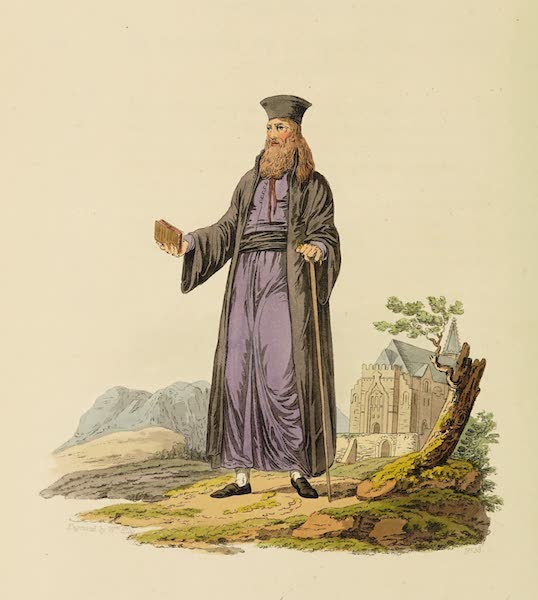 | A Greek Priest of the Country of Cattaro
|
 | A Greek Reis
|
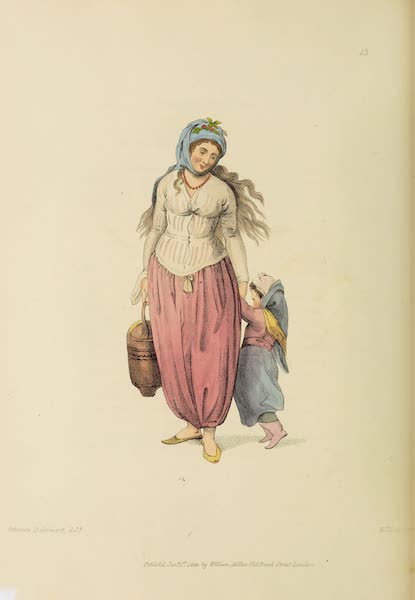 | A Greek Woman of the Island of Marmora
|
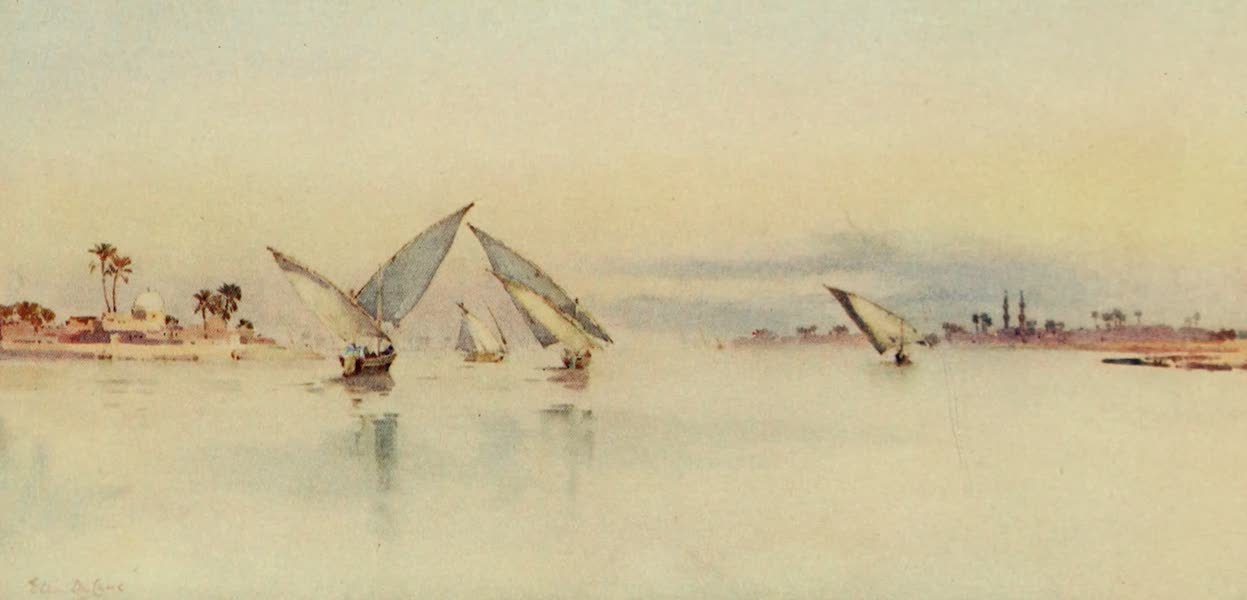 | A Grey Day on the Nile
|
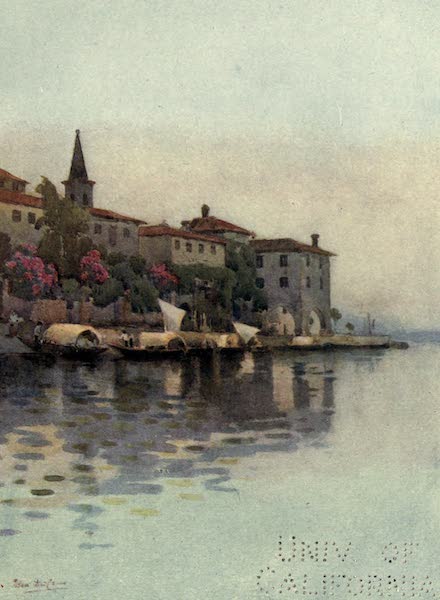 | A Grey Morning, Lago Maggiore
|
 | A Groningen Canal in Early Winter
|
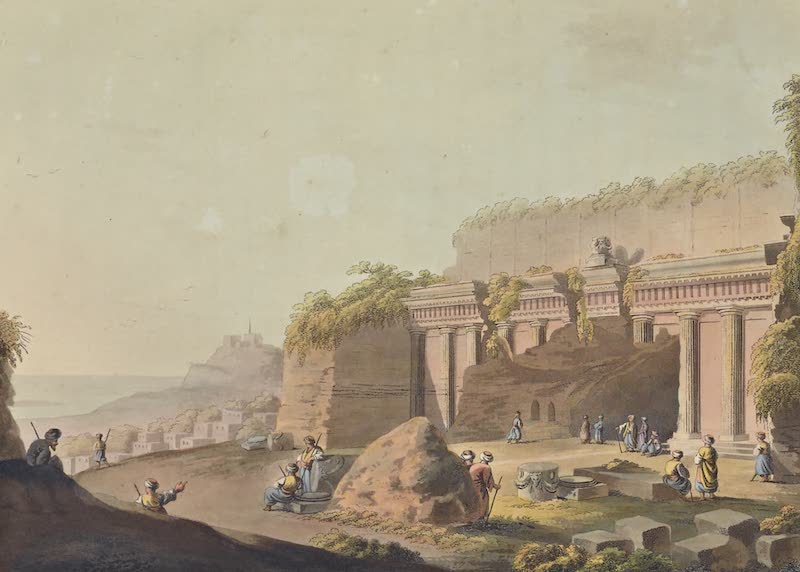 | A Grotto cut in the Rock near Lindo, in Rhodes
|
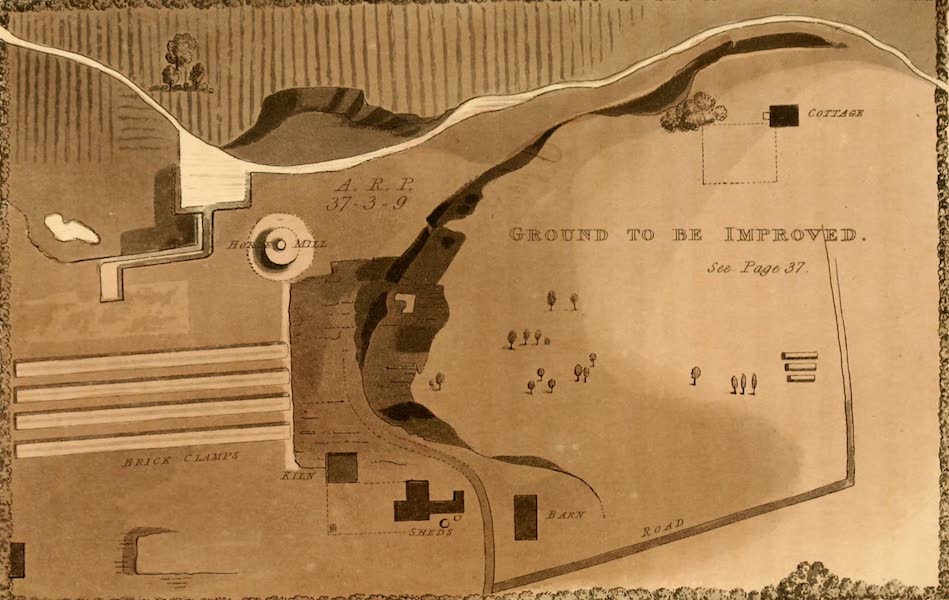 | A Ground Plan
|
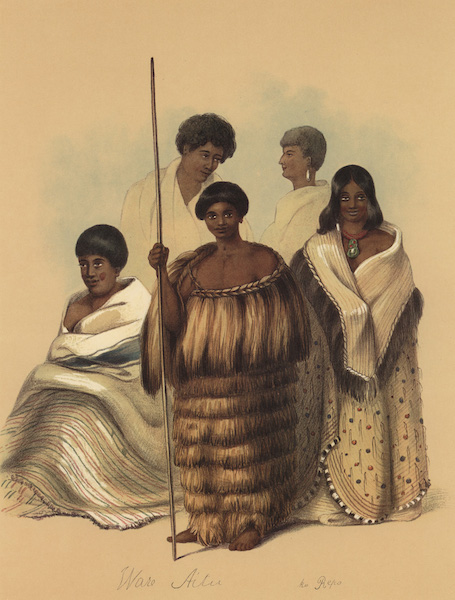 | A group at Te Aro Pah, Port Nicholson
|
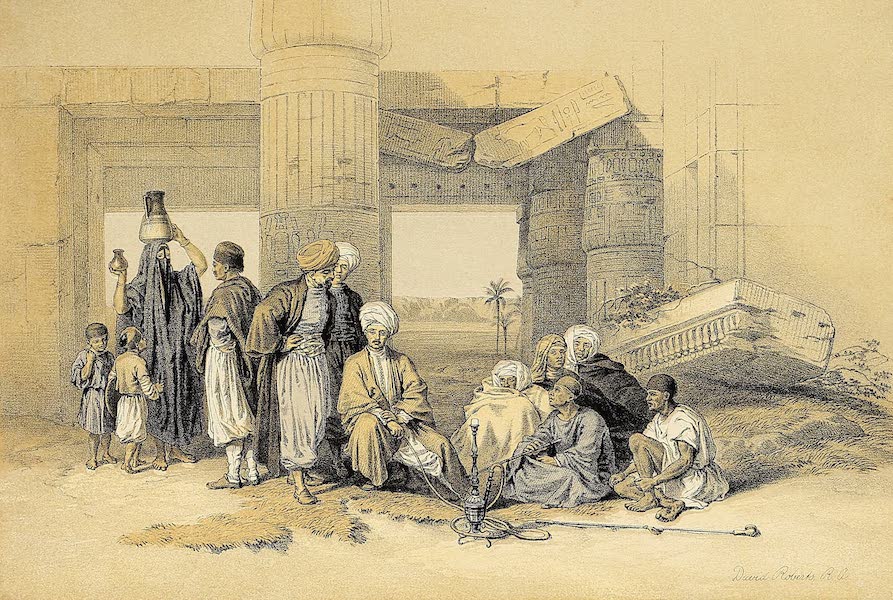 | A Group at the Entrance of the Temple of Amun at Goorna, Thebes
|
 | A Group in Bronze by Vittoz, Paris
|
 | A Group in the Slave-Market of Cairo
|
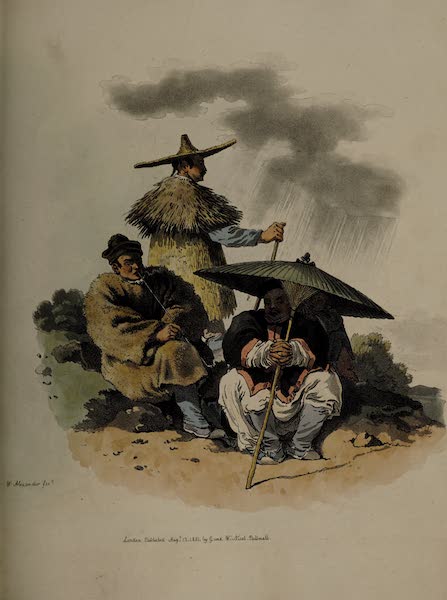 | A Group of Chinese, habited for rainy Weather
|
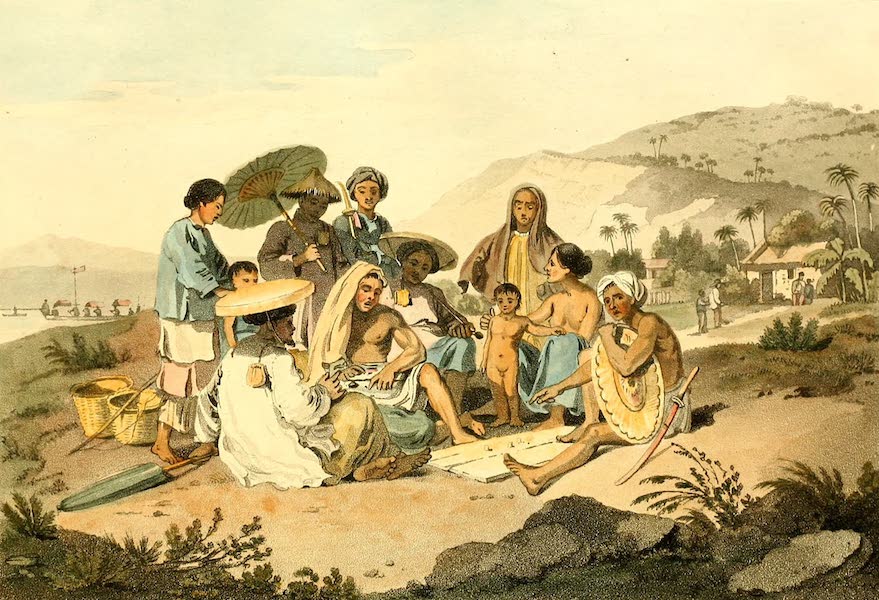 | A Group of Cochin Chinese
|
 | A Group of Cottages at Sutton Poyntz, near Weymouth
|
 | A Group of Homes, Douglas, Arizona
|
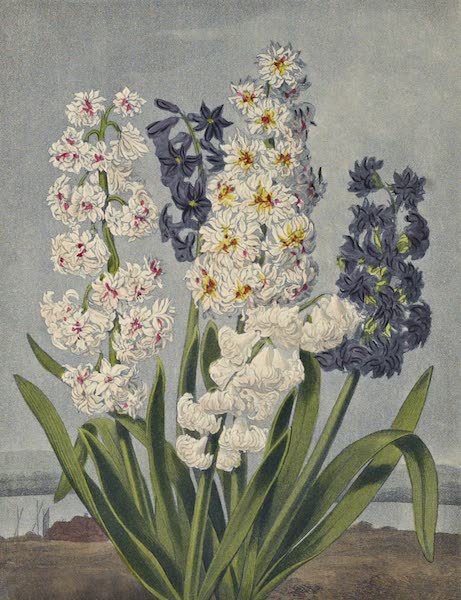 | A Group of Hyacinths
|
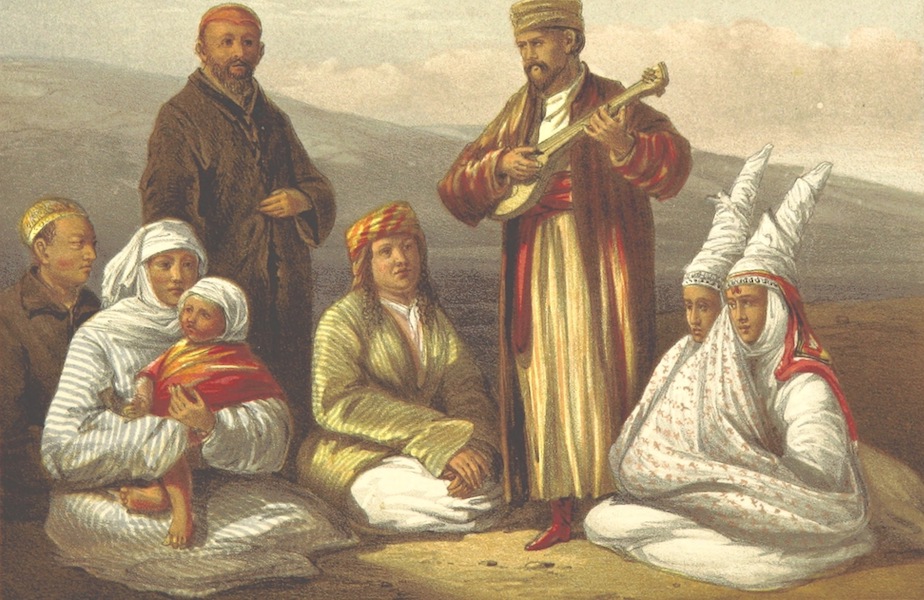 | A Group of Kirghis with Two Bridges
|
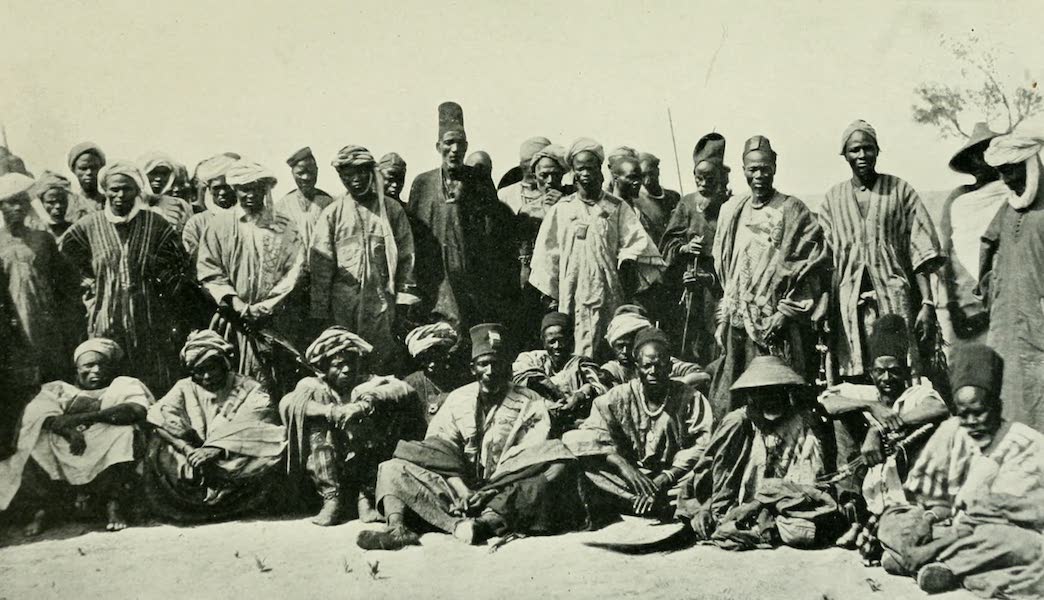 | A Group of Moors and Muhammadan Negro Merchants in Ashanti
|
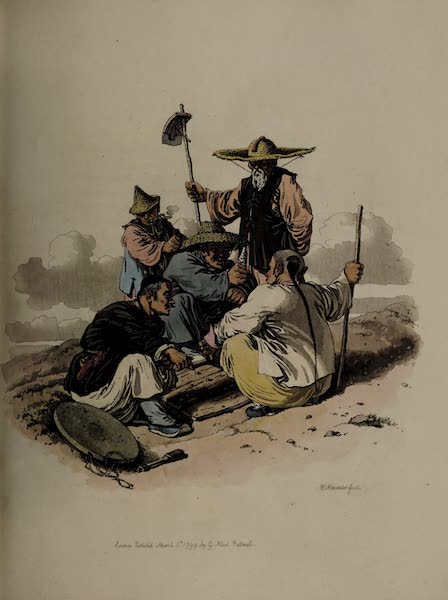 | A Group of Peasantry, Watermen, &c.
|
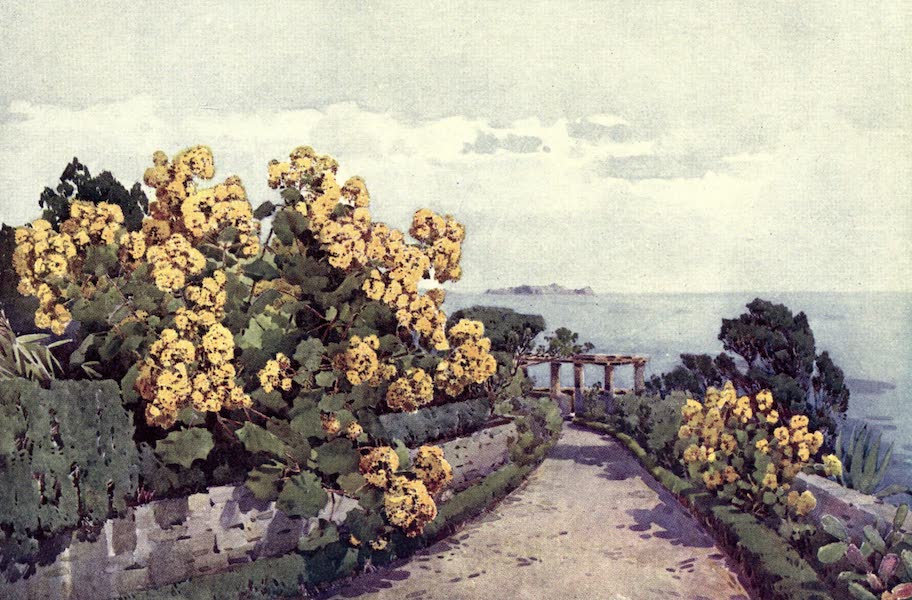 | A Group of Senecio
|
 | A Group of the Torah Shiho
|
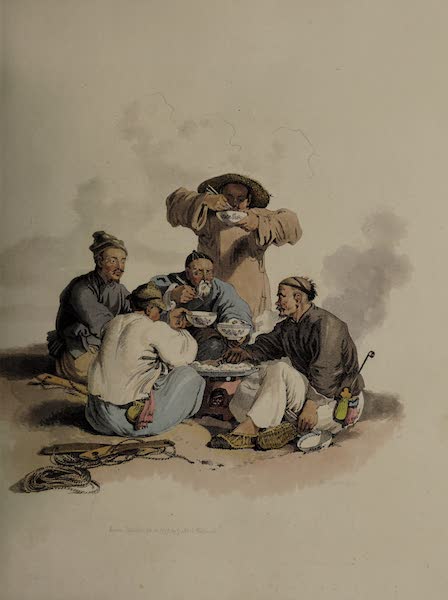 | A Group of Trackers at Dinner
|
 | A Group of Yuccas, Villa Melzi, Lago di Como
|
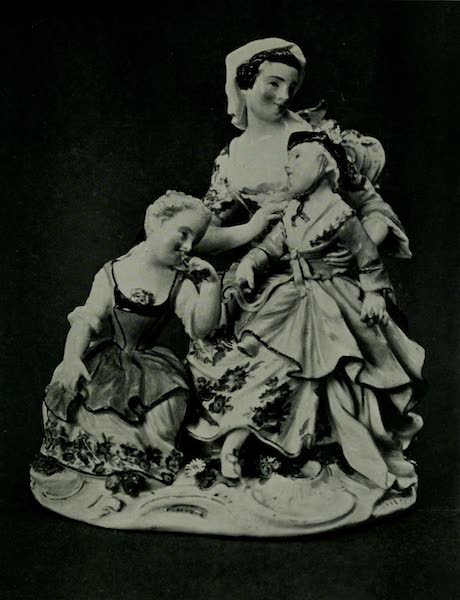 | A Group with Children
|
 | A Groupe of the Rarest Articles of Virtu
|
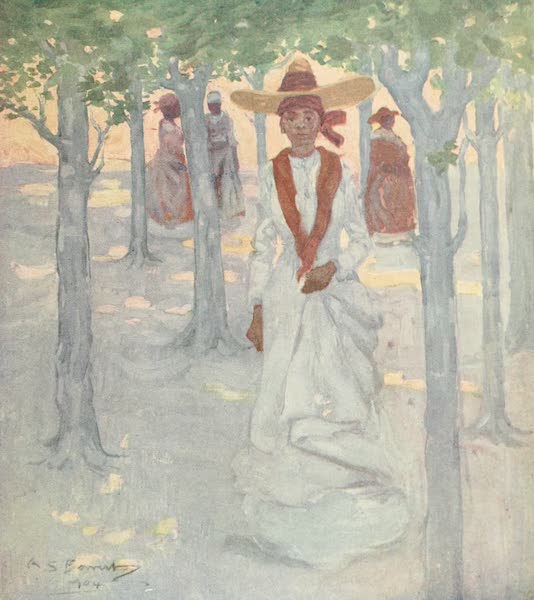 | A Guadeloupe Lady
|
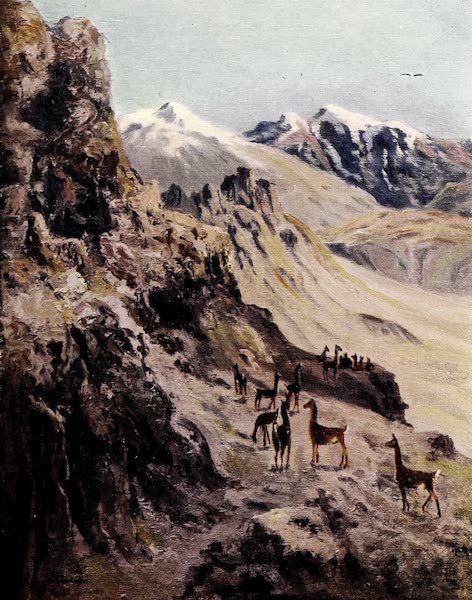 | A Guanaco Hunt
|
 | A Guanaco Hunt
|
 | A Guernsey Girl
|
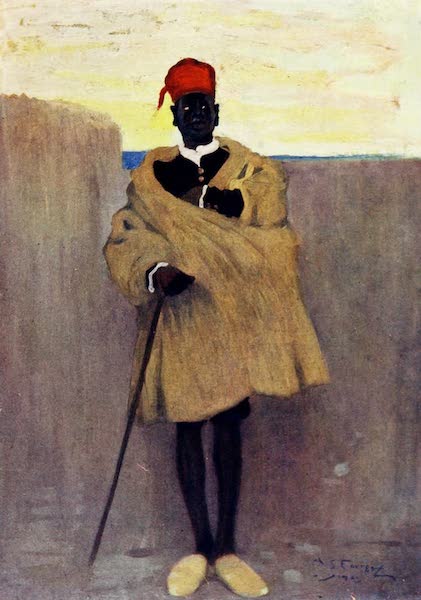 | A Guide, Tangier
|
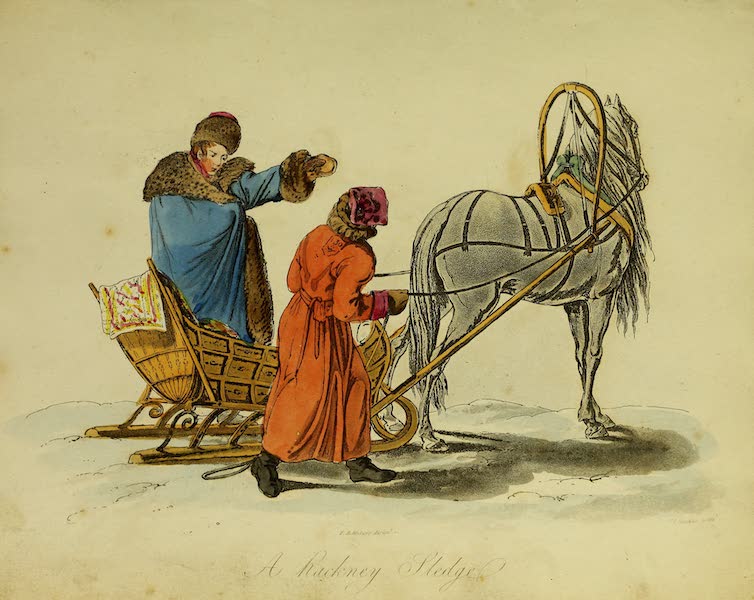 | A Hackney Sledge
|
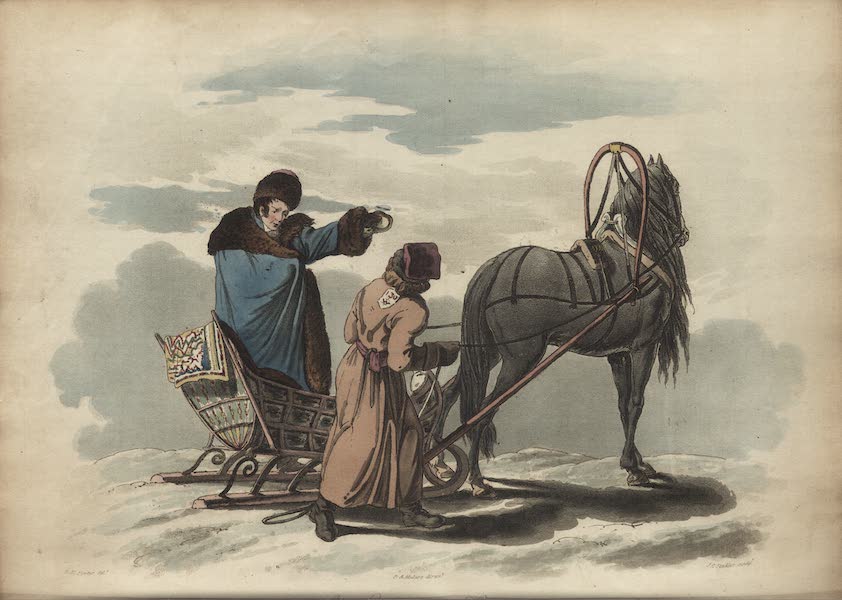 | A Hackney Sledge
|
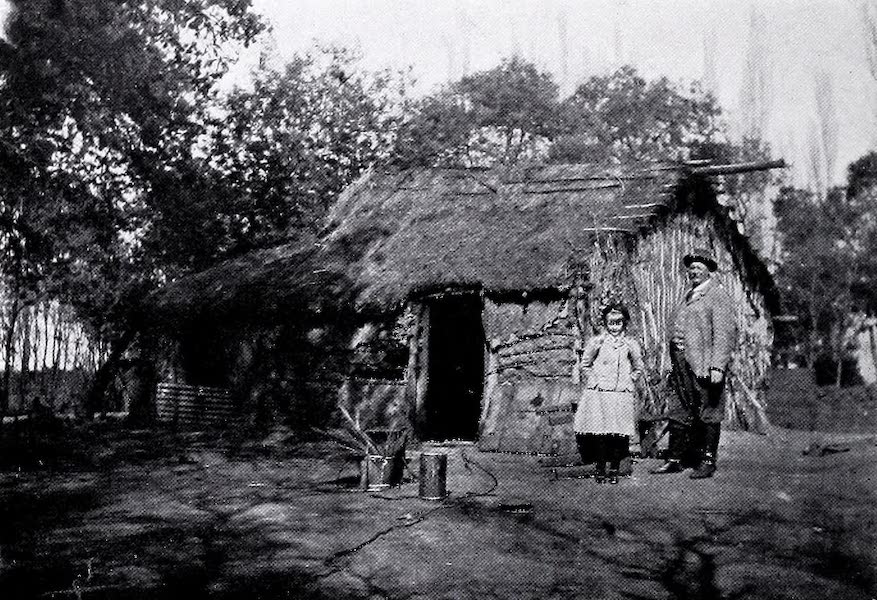 | A Halt By the Way
|
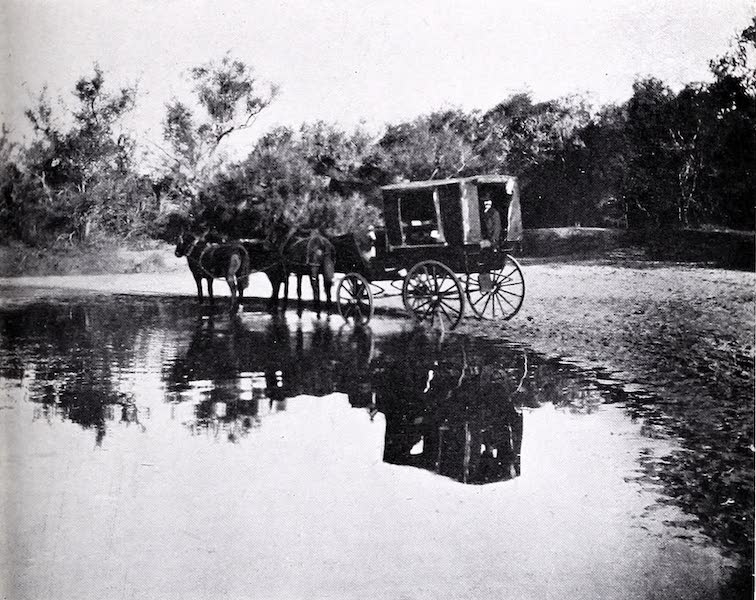 | A Halt By the Way
|
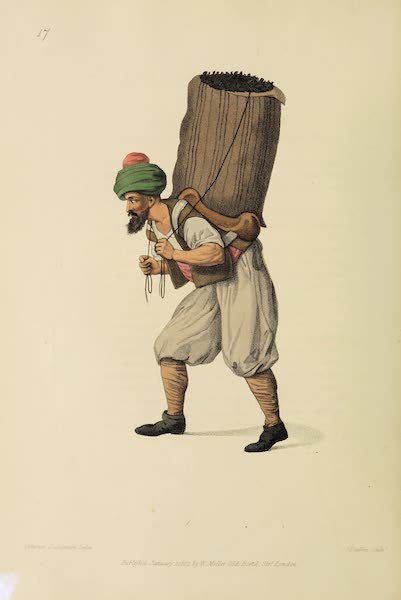 | A Hamal, or Common Porter
|
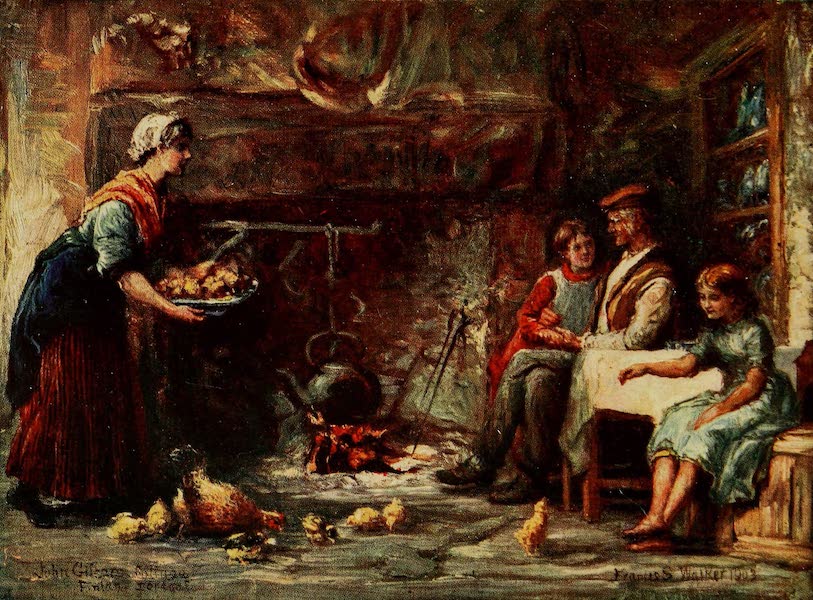 | A Happy Home
|
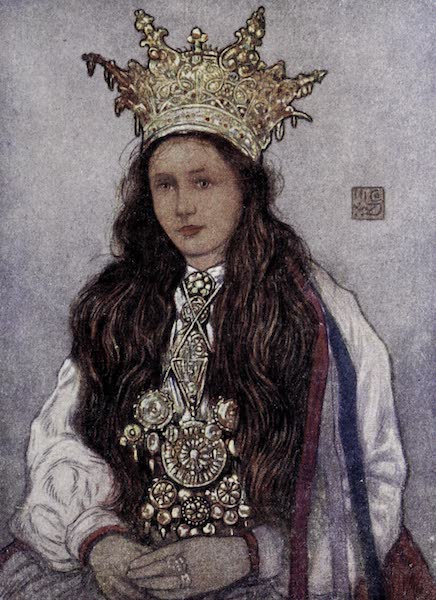 | A Hardanger Bride
|
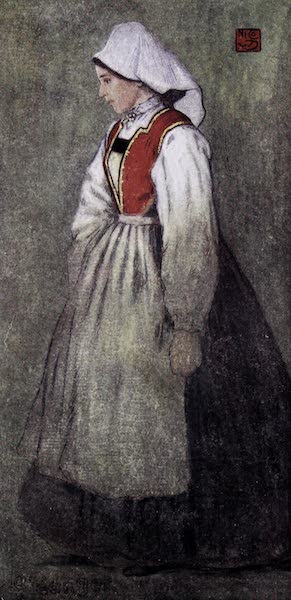 | A Hardanger Country Girl
|
 | A Harp of Many Strings
|
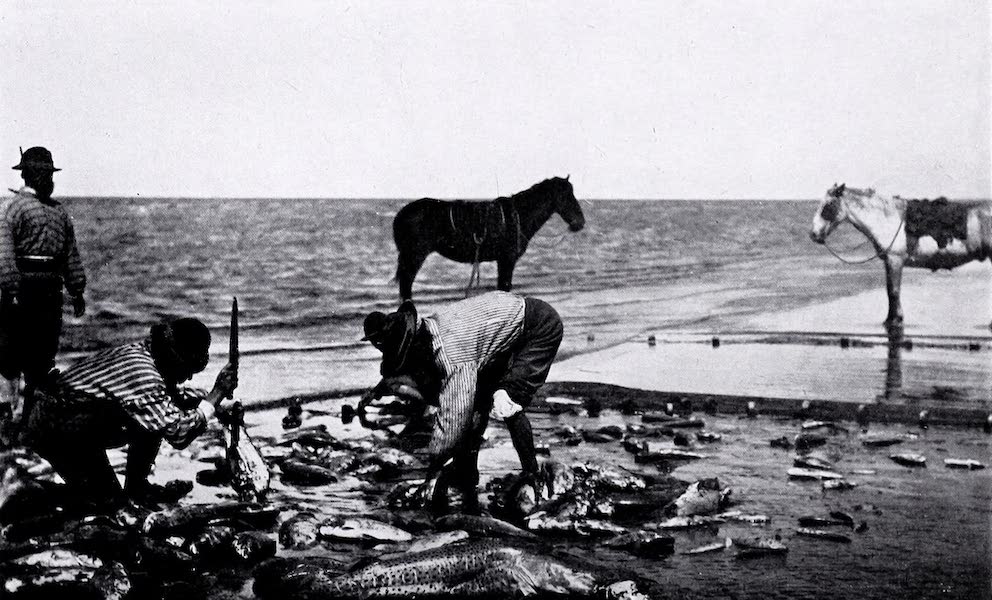 | A Haul of Fish on the La Plata River
|
 | A Haul of Fish on the La Plata River
|
 | A Hawksman of Rajgarh
|
 | A Hayfield near Portmadoc
|
 | A Hayfield, Wonereh
|
 | A Heavy Gale off Cape Horn
|
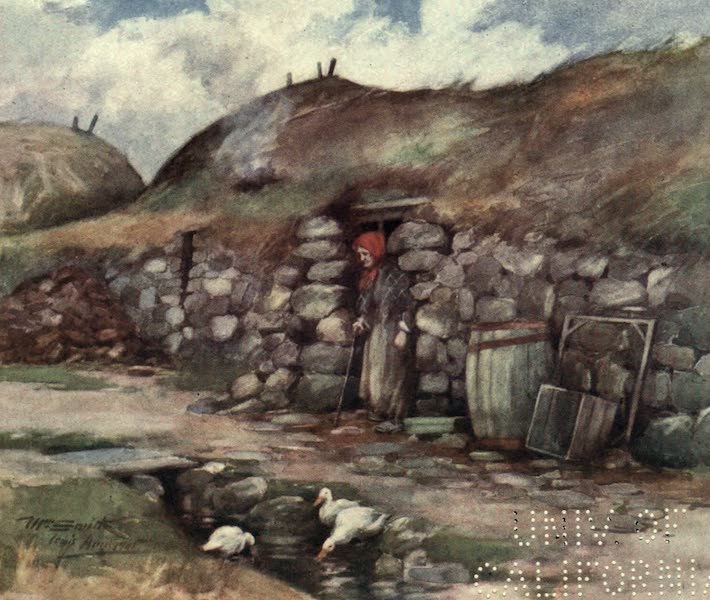 | A Hebridean Crofter's House
|
 | A Hebridean Crofter's House
|
 | A Herd At Noonday
|
 | A Herd At Noonday
|
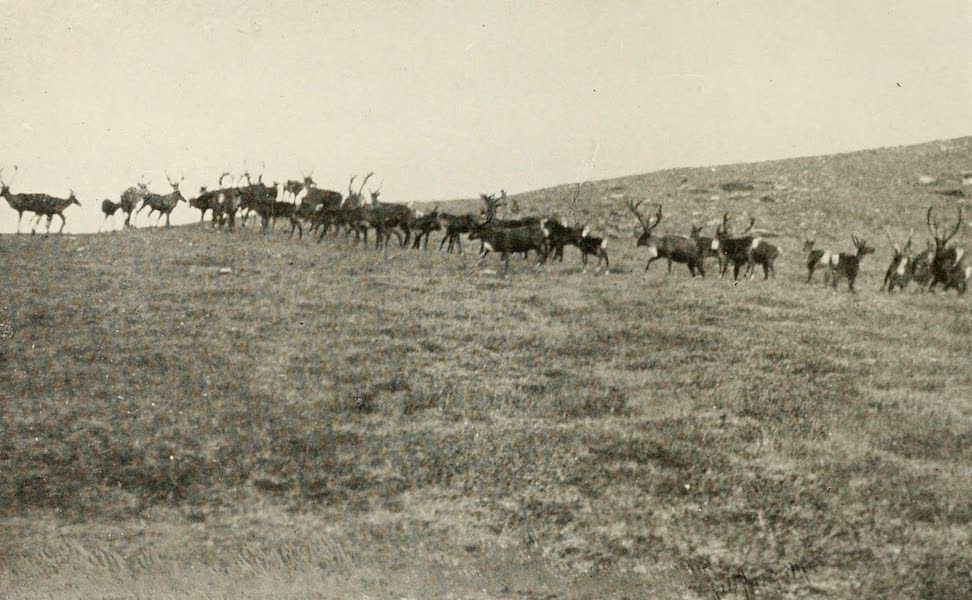 | A Herd of Caribou
|
 | A Highland Cottage
|
 | A Highland Lake
|
 | A Highland Loch
|
 | A Highland Moor
|
 | A Highland River
|
 | A Highland Strath
|
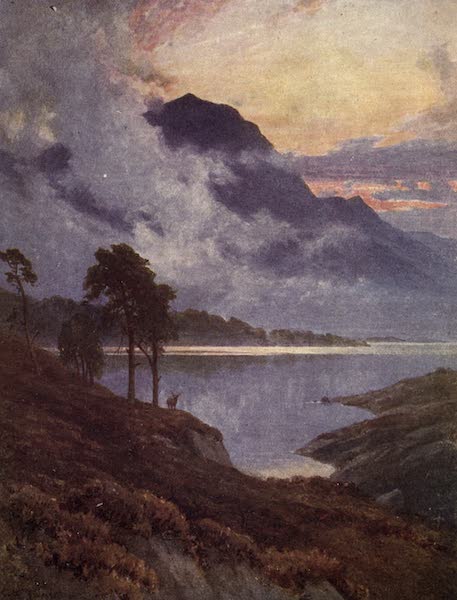 | A Highland View
|
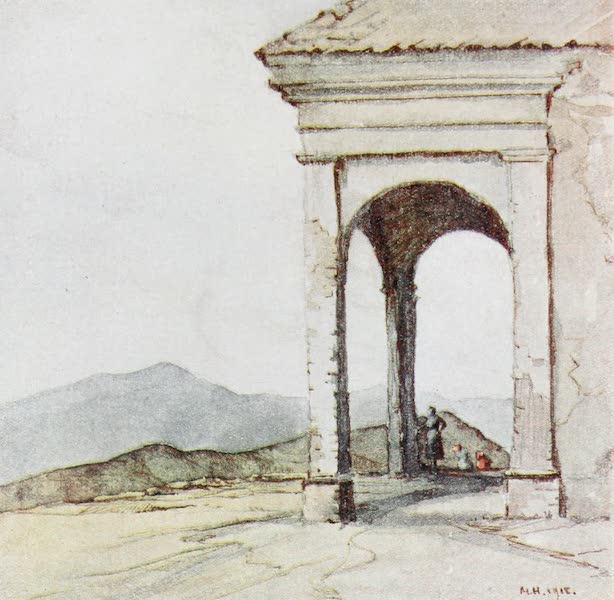 | A Hill Chapel
|
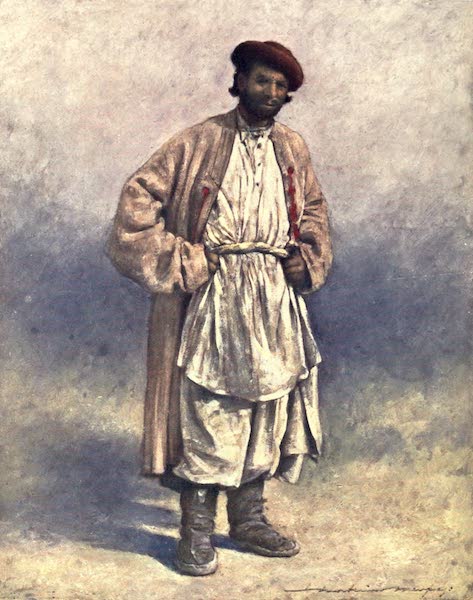 | A Hindoo Hill-shepherd of Kashmir
|
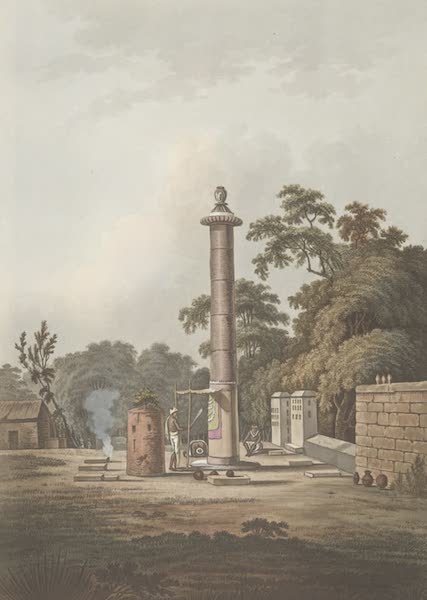 | A Hindoo Place of Worship
Plate fourteen from '24 Views in Indostan by William Orme'. This engraving by Joseph C. Stadler (fl 1790-1815) is based on an original by Thomas Daniell (1749-1840). The location of the scene is not identified, but it appears to show a Brahmin standing by a pillar. The pillar is decorated with a small canopy and some garlands made of white blossoms. |
 | A Hindoo returning from Callee-Ghaut
|
 | A Hindoo Woman exposing her infant supposed to be under the influence of a malignant spirit
|
 | A Hindoo Woman exposing the body of her infant on the borders of the Ganges
|
 | A Hindoo Woman serving her husband dinner
|
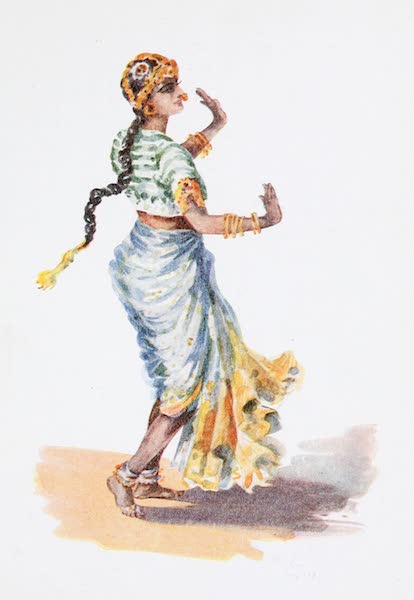 | A Hindu Dasi or Nautch Girl
|
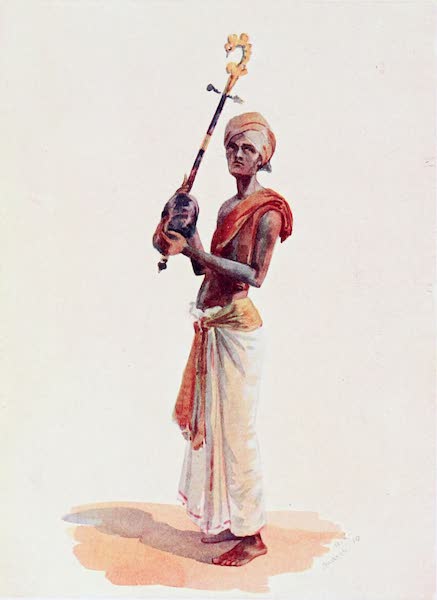 | A Hindu Musician
|
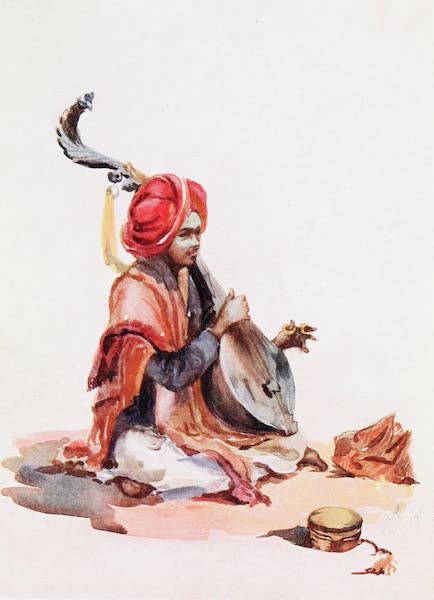 | A Hindu Musician playing on a Tambour
|
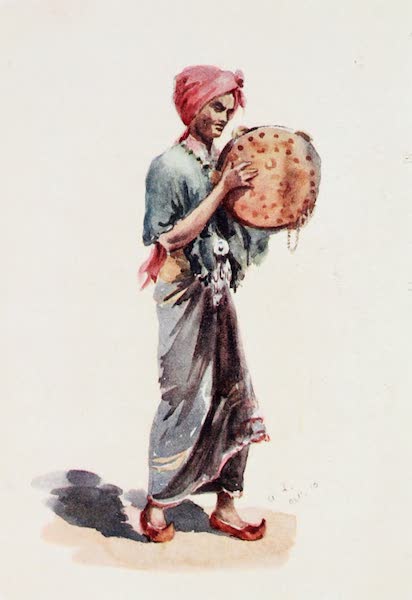 | A Hindu Musician with a Cymbal
|
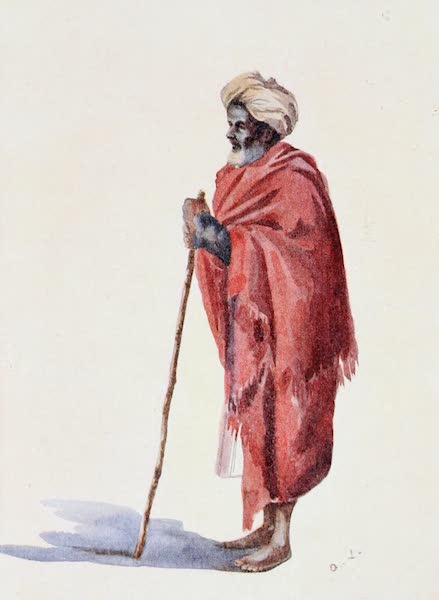 | A Hindu Pariah Beggar
|
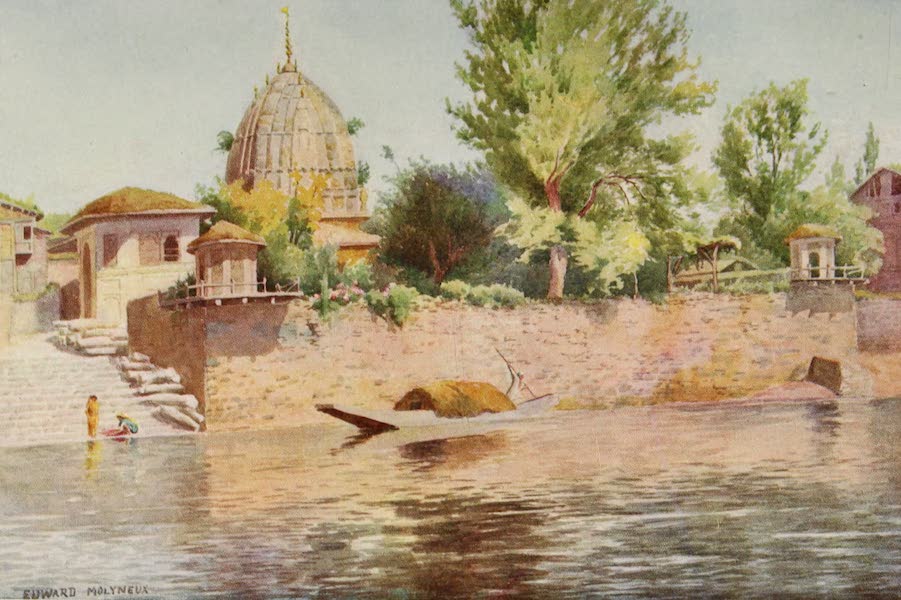 | A Hindu Temple, Srinagar
|
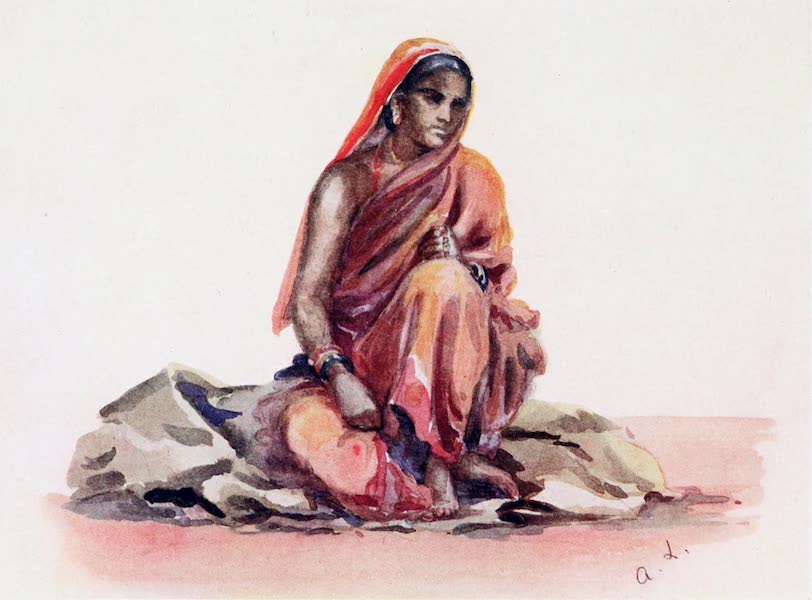 | A Hindu Woman
|
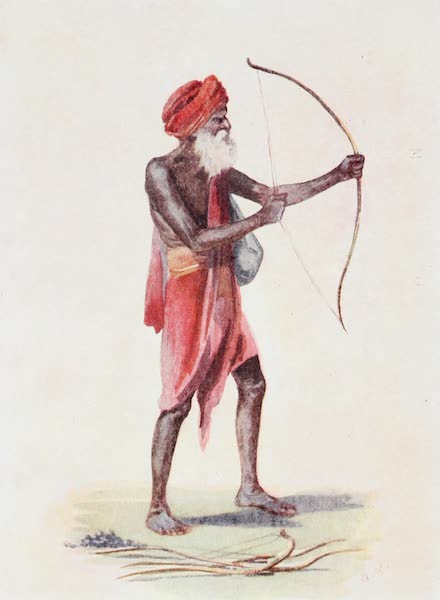 | A Hindu, probably of the Bird-Trapper Tribe
|
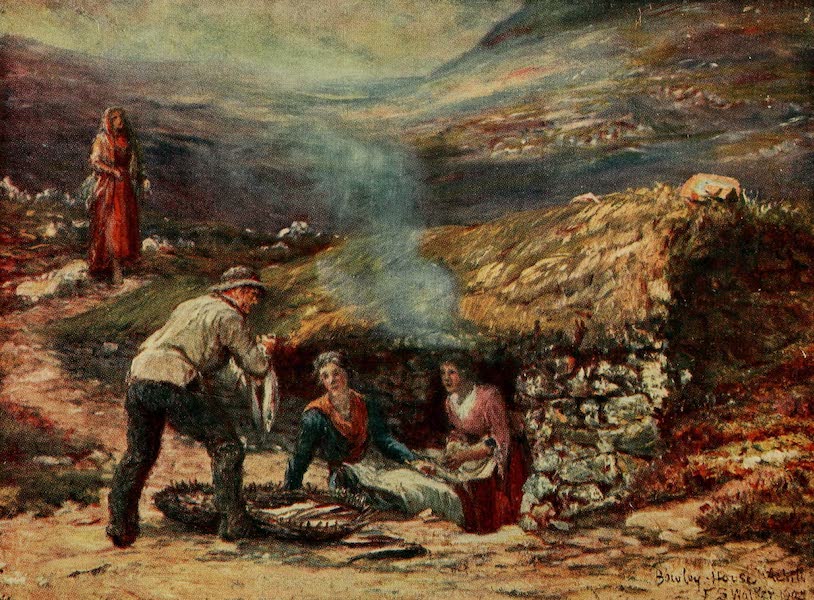 | A Home in Achill
|
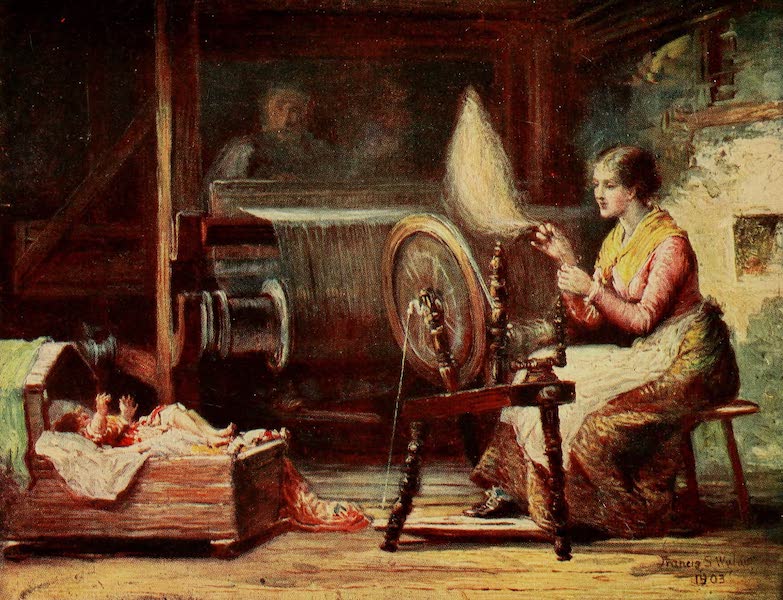 | A Home in Donegal
|
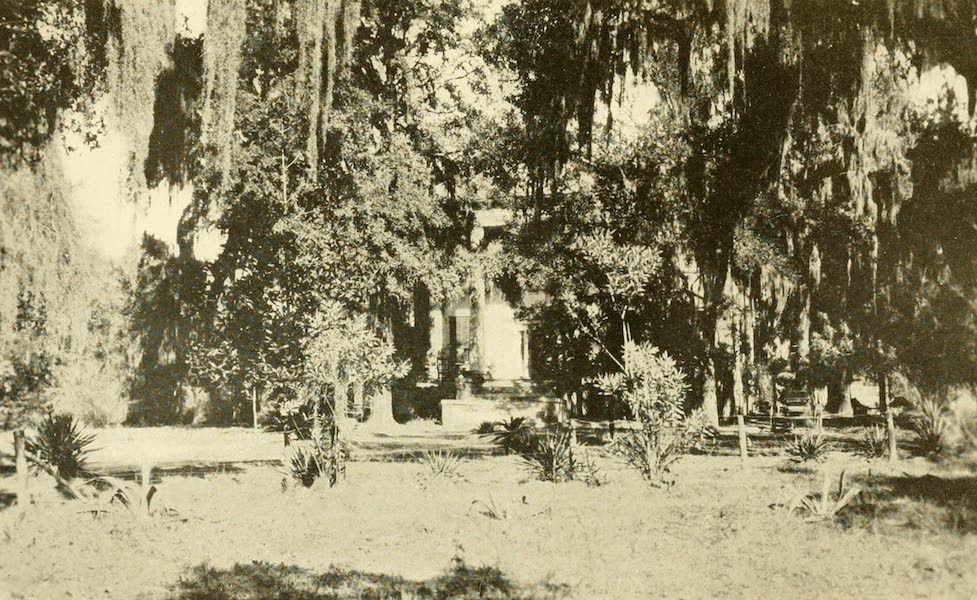 | A Home in Tallahassee
|
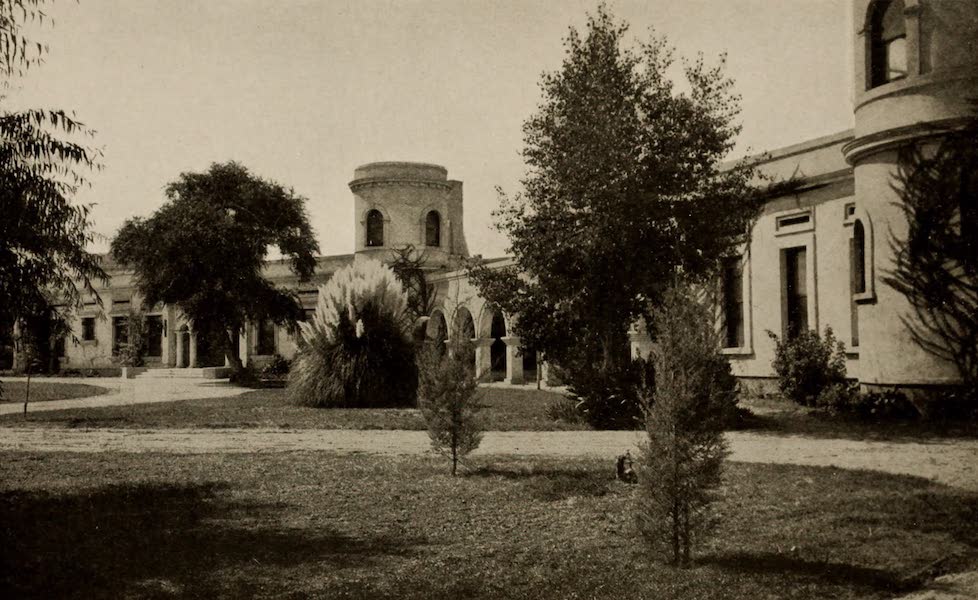 | A Home in Tucson, Arizona
|
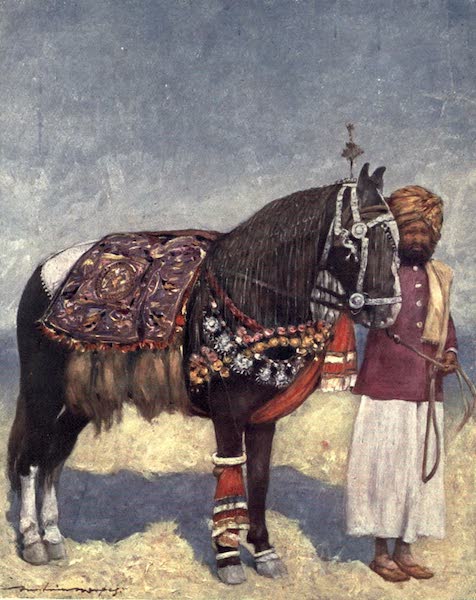 | A Horse fromm Jodhpur
|
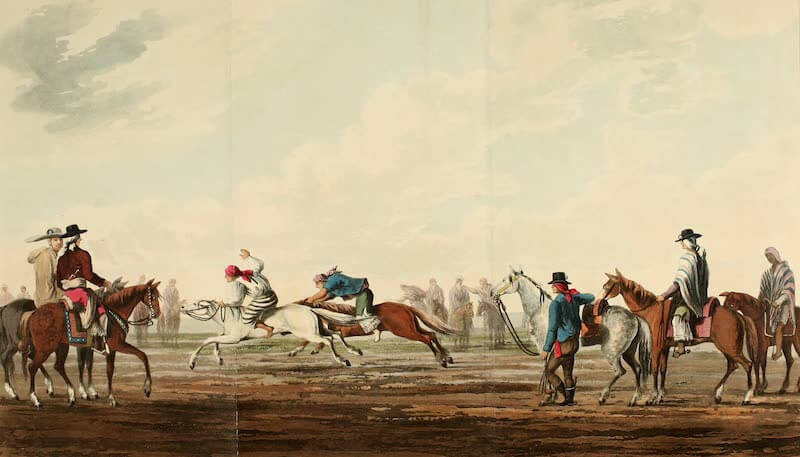 | A Horse Race
|
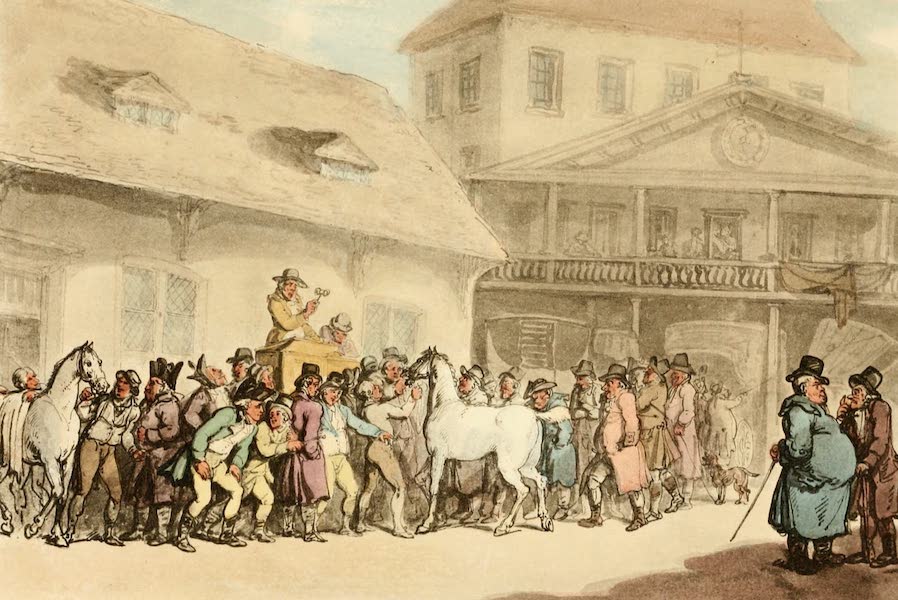 | A Horse Sale at Hopkins Repository, Barbican
|
 | A Hot Afternoon in Piccadilly
|
 | A Hot Day in the Batteries
|
 | A Hot Day in the Batteries.
|
 | A Hot Night in the Batteries
|
 | A Hot Night in the Batteries.
|
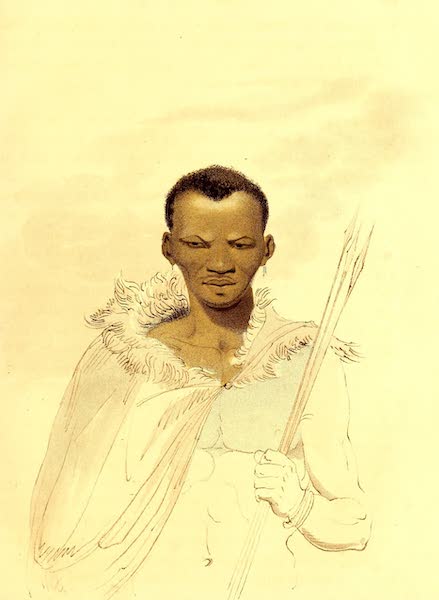 | A Hottentot
|
 | A House at Bankipore, the Residence of William Hunter Esq.
Plate fourty from 'Picturesque Scenery in the Kingdom of Mysore' by James Hunter (d.1792). This aquatint is based on a picture by Hunter of a house belonging to William Hunter at Bankipur, to the north of the city of Patna (Bihar). Perhaps William Hunter was related to James Hunter. There was a Senior Merchant in the East India Company's service named William Hunter who was based at Dinajpur (Bangladesh) during James Hunter's time in India. Perhpas this is the same person. |
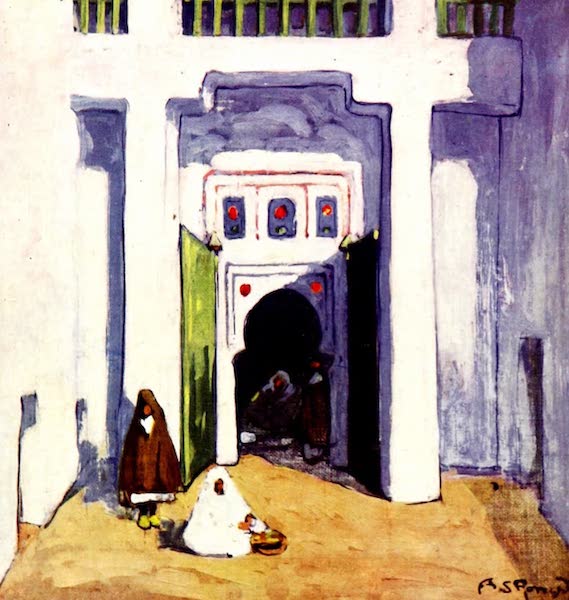 | A House Interior, Marrakesh
|
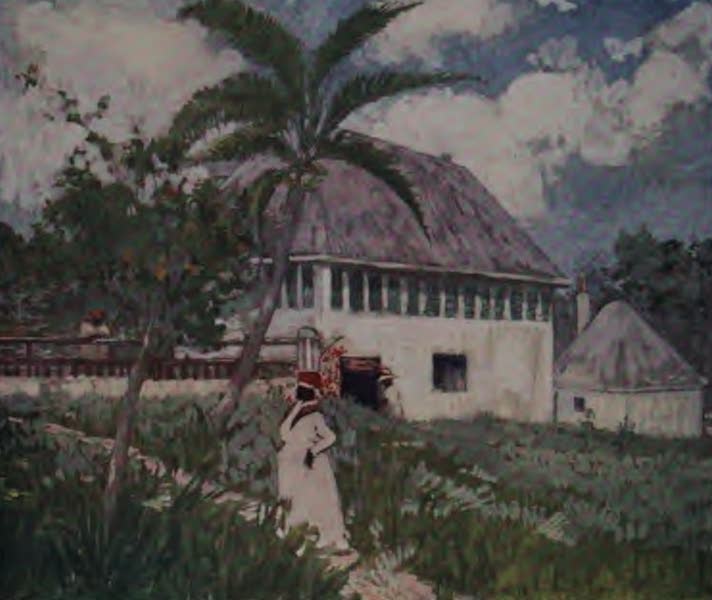 | A House near the Bog Walk, Jamaica
|
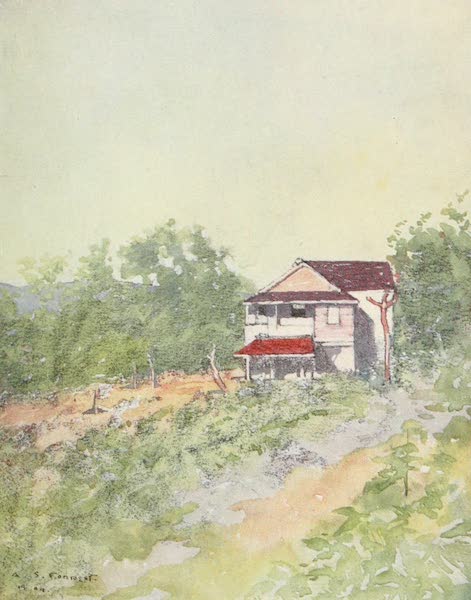 | A House on the Hills
|
 | A Howling Dervish
|
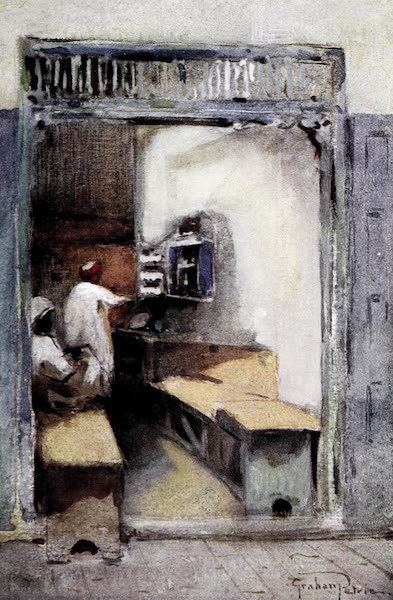 | A Humble Cafe in the Slipper-Souk, Tunis
|
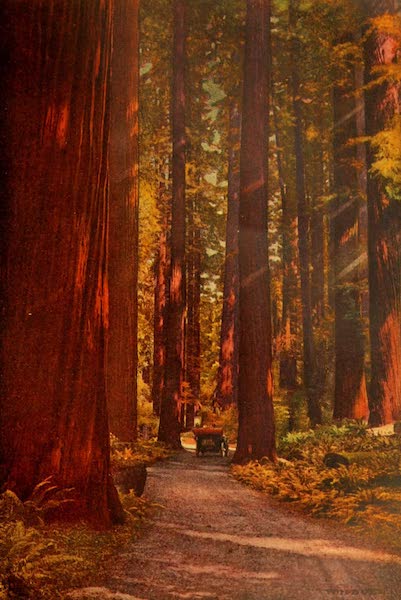 | A Hundred Miles of Redwoods
|
 | A Hungarian Baby
|
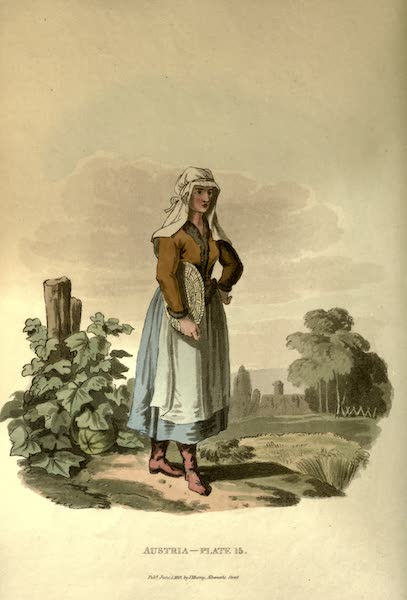 | A Hungarian Countrywoman
|
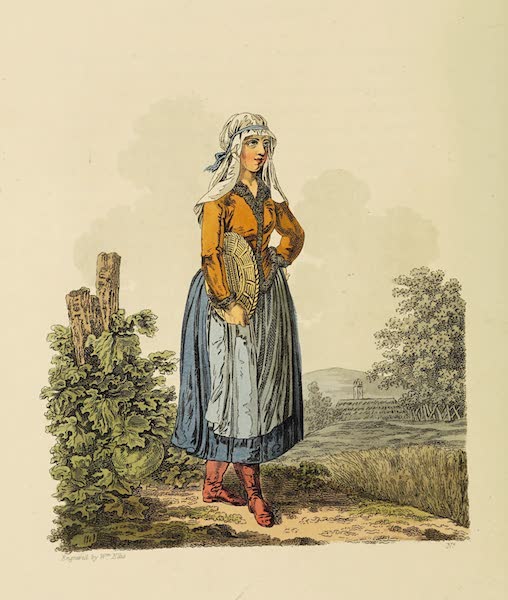 | A Hungarian Countrywoman
|
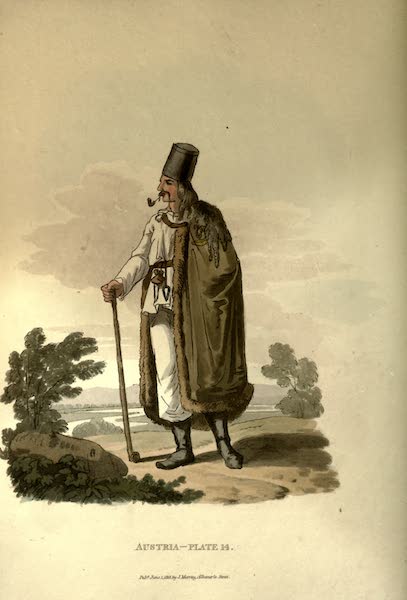 | A Hungarian Peasant
|
 | A Hungarian Peasant
|
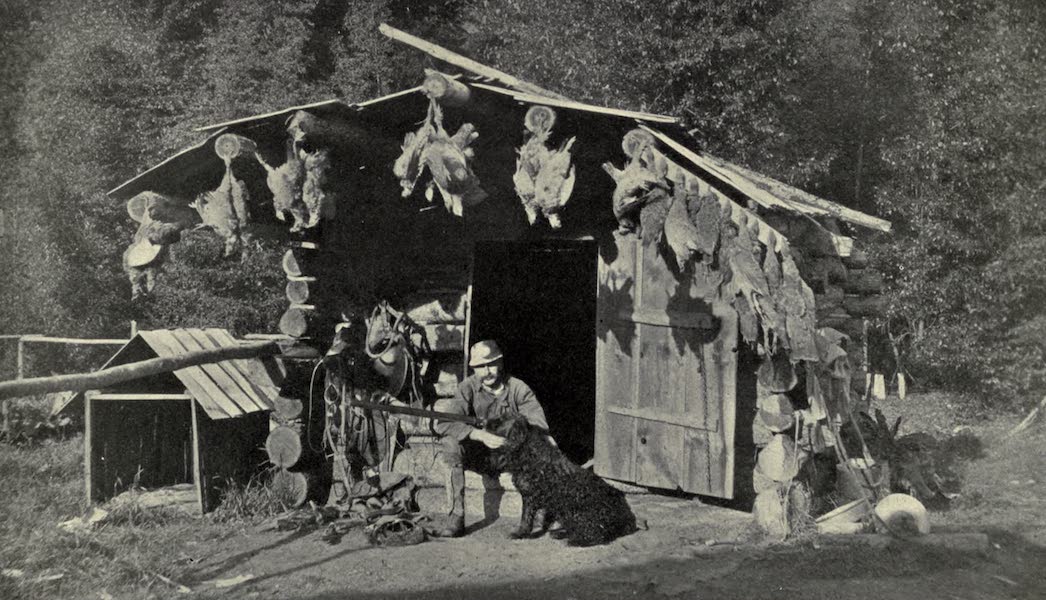 | A Hunters Shack in British Columbia After a Successful Shoot of Blue Grouse
|
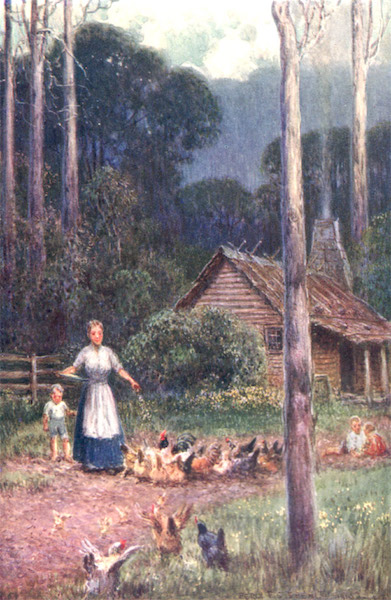 | A Hut in the Bush
|
 | A Jacobean House at Askrigg
|
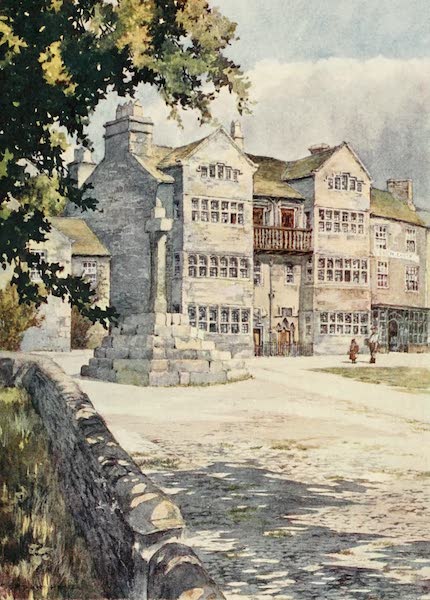 | A Jacobean House at Askrigg
|
 | A Jaipur Horseman
|
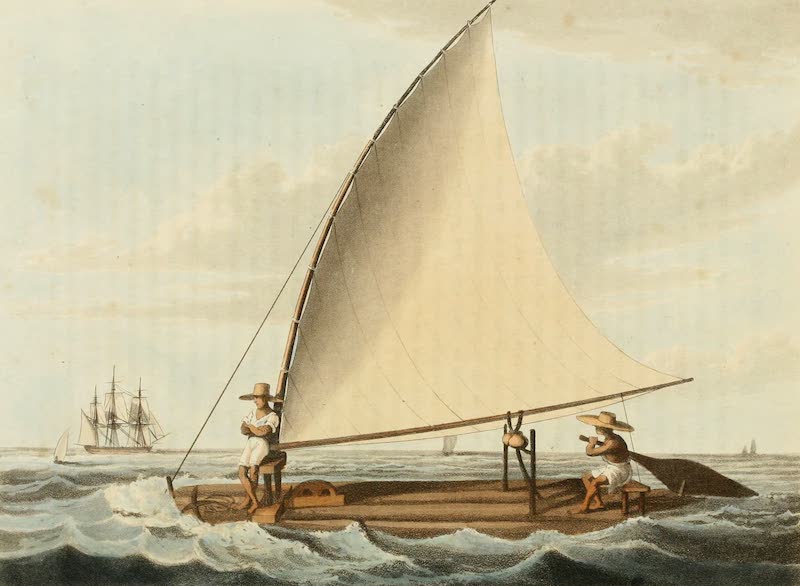 | A Jangada
|
 | A January Moonrise, Golders Hill, Hampstead
|
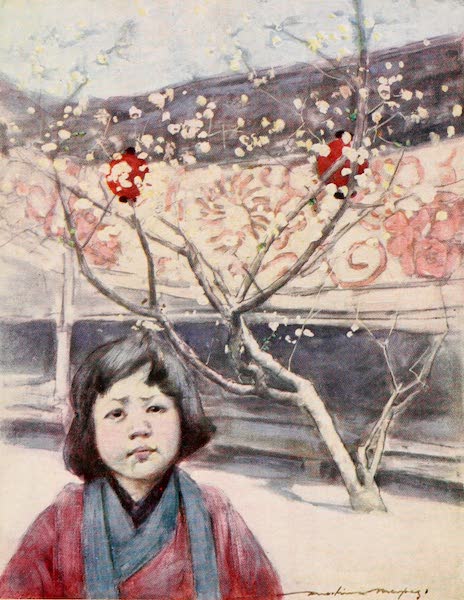 | A Jap in Plum-colour
|
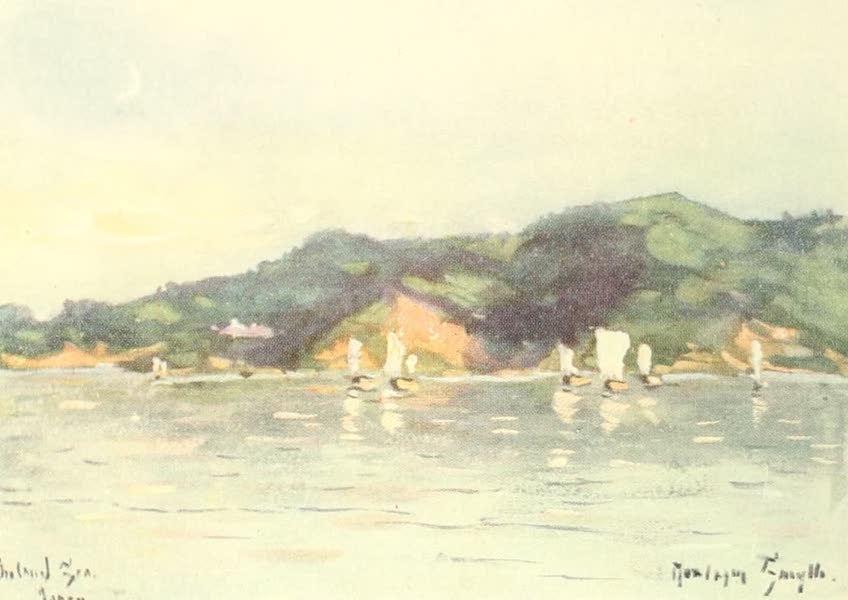 | A Japanese Fishing-feet in the Inland Sea
|
 | A Japanese Masseur, who is frequently blind
|
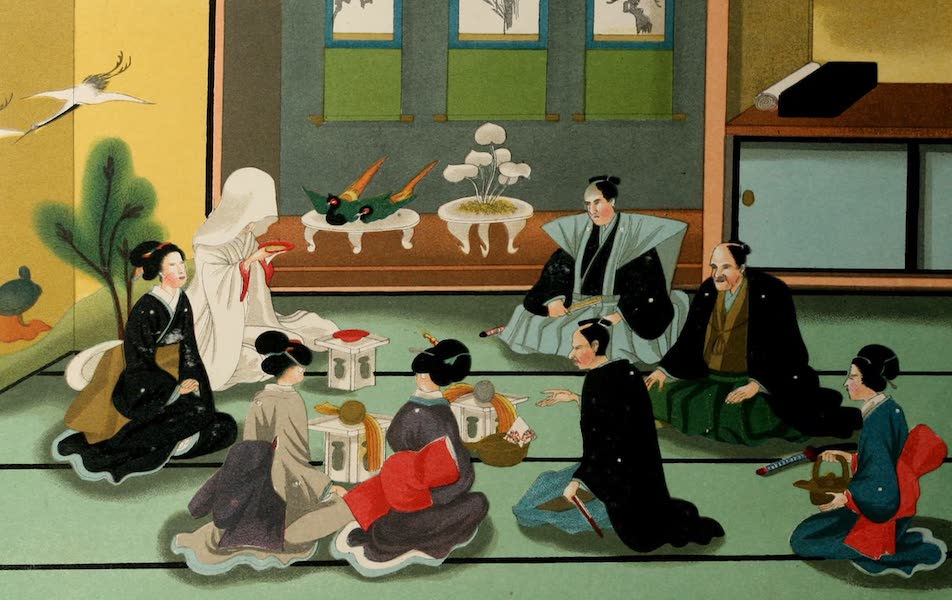 | A Japanese Wedding
|
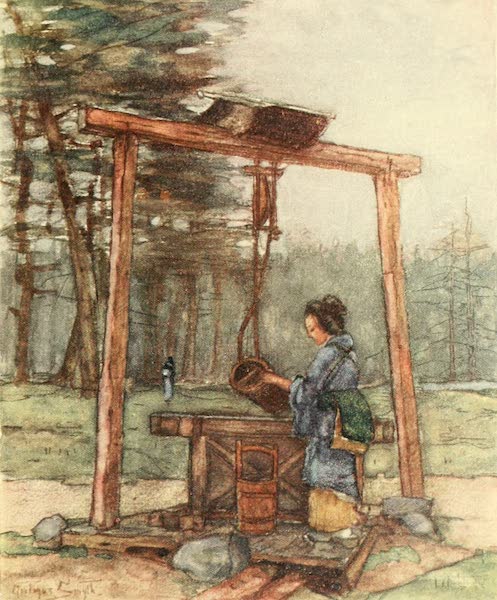 | A Japanese Well
|
 | A Javanese Coachman
|
 | A Javanese Man of the poorer class & A Javanese Woman, a lady's maid
|
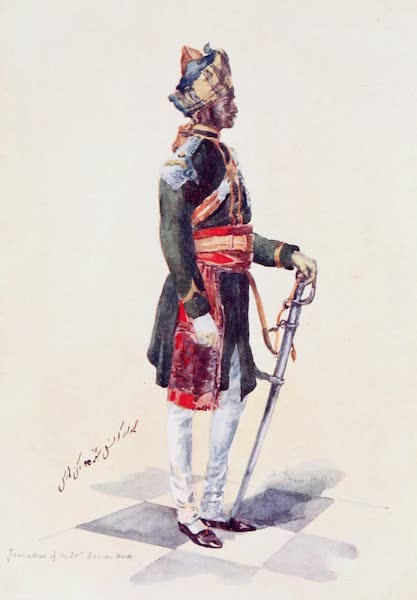 | A Jemadar of the 20th Deccan Horse
|
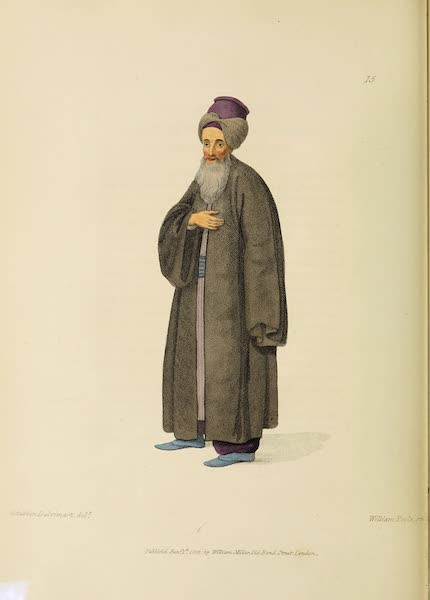 | A Jew
|
 | A Jew of Montgatz in his Summer Dress
|
 | A Jew of Montgatz, in his Summer Dress
|
 | A Jewel box or Coffer
|
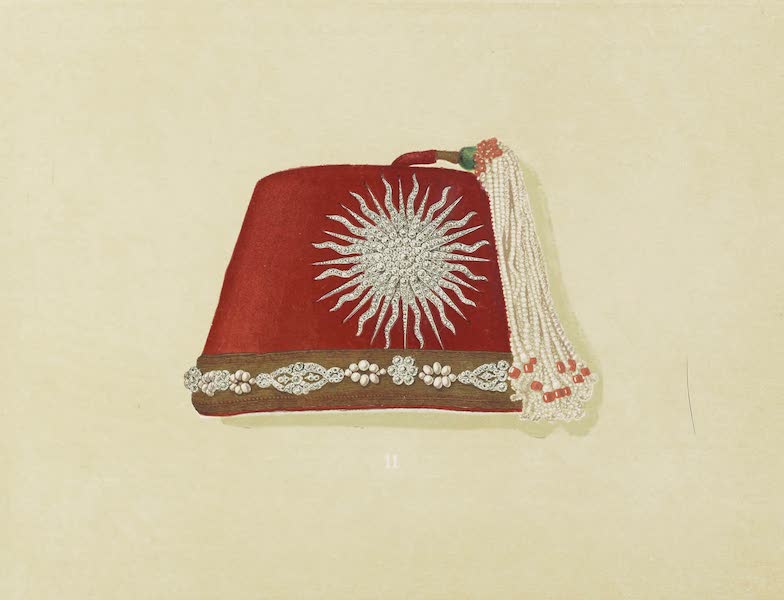 | A Jewelled Fez
|
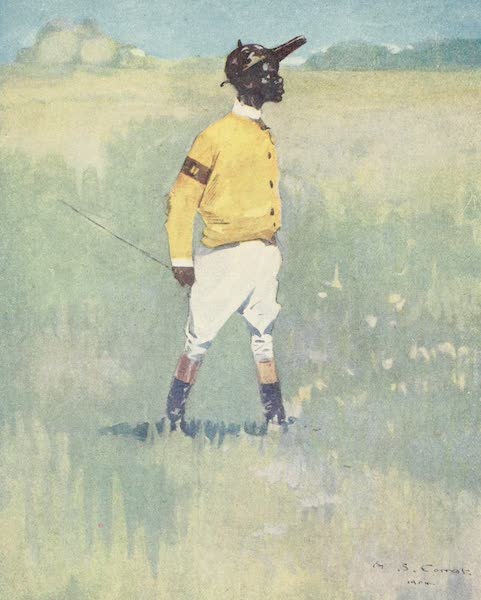 | A Jockey at Cumberland Pen, Jamaica
|
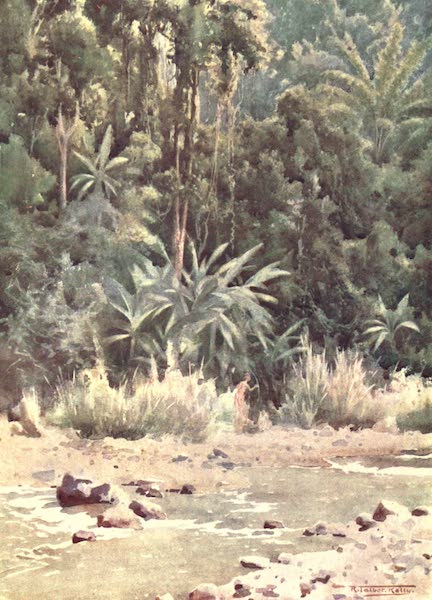 | A Jungle Stream
|
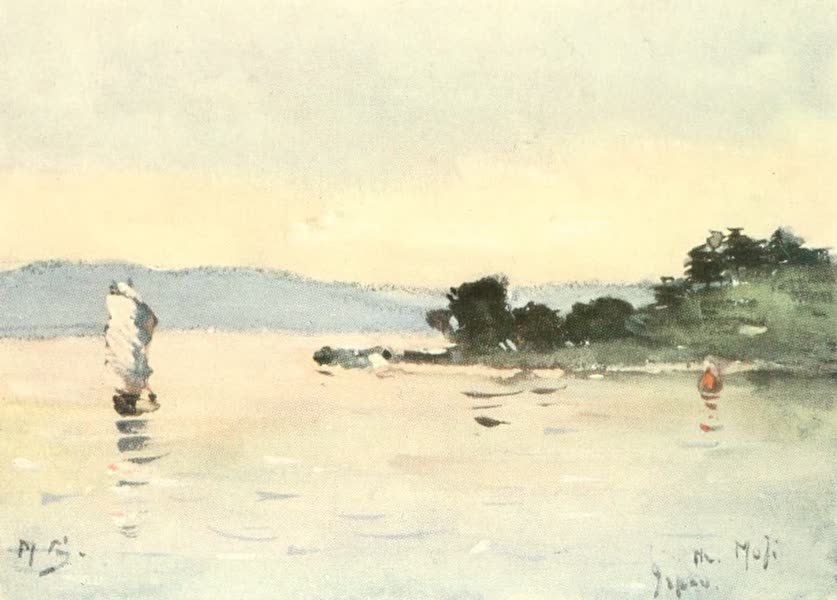 | A Jutting, Tree-clad Point along the Coast
|
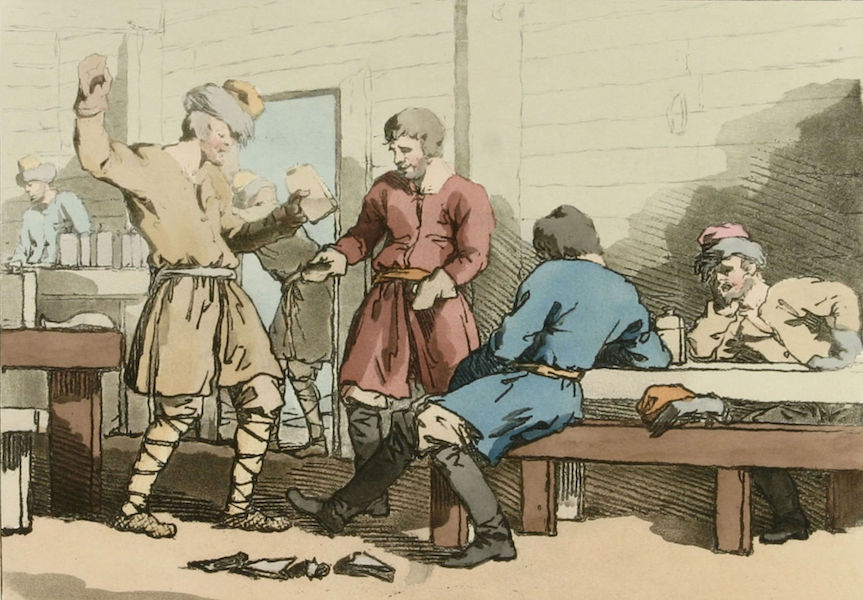 | A Kaback
|
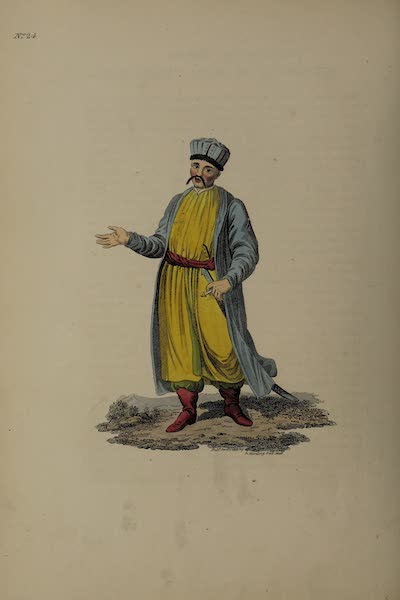 | A Kabardian of Mount Caucasus
|
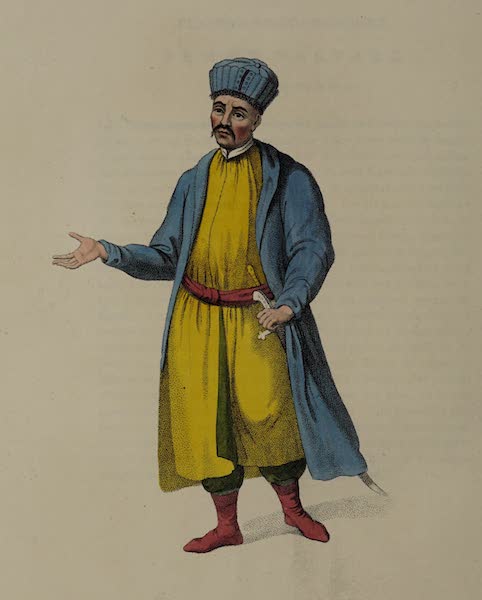 | A Kabardinian
|
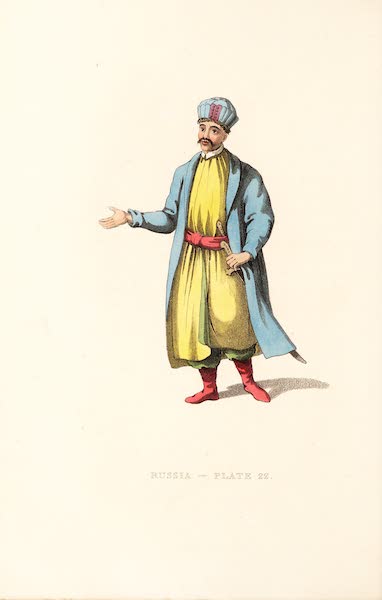 | A Kabardinian
|
 | A Kabardinian Woman
|
 | A Kaffer Village
|
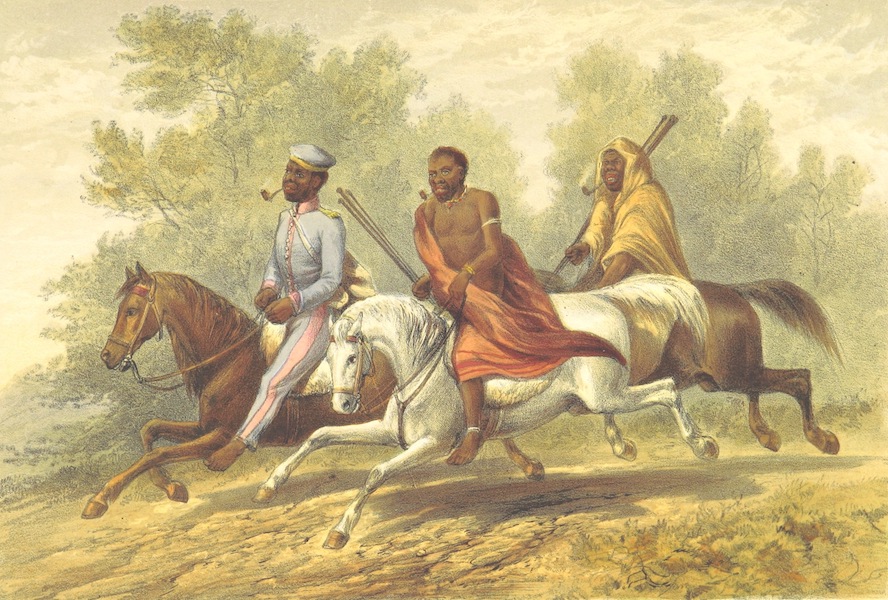 | A Kaffir Chief in Full Uniform with His Prime Minister in Undress Ditto
|
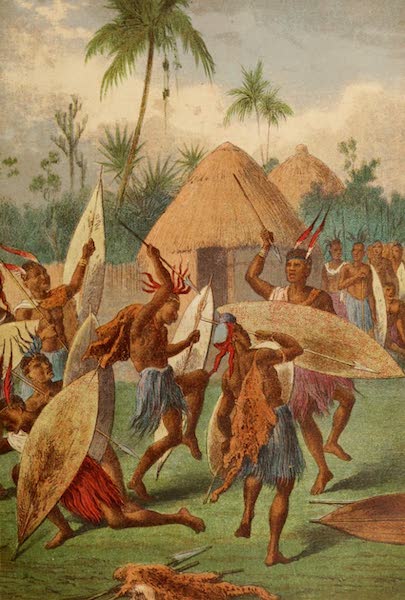 | A Kaffir War Dance
|
 | A Kaffir Warrior
|
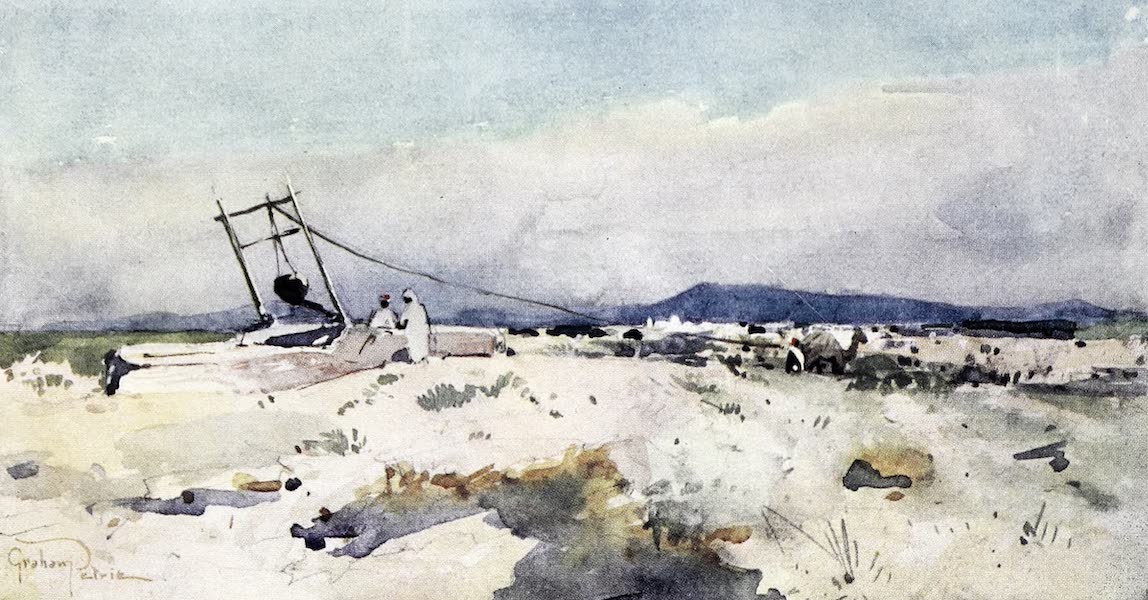 | A Kairouan Well
|
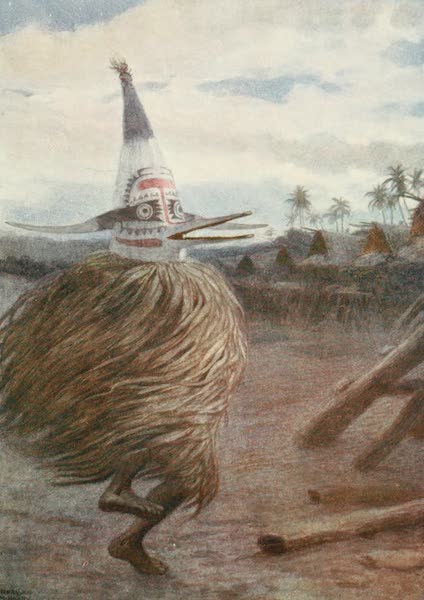 | A Kaivakuku, Roro Tribe, Central Division, British New Guinea
|
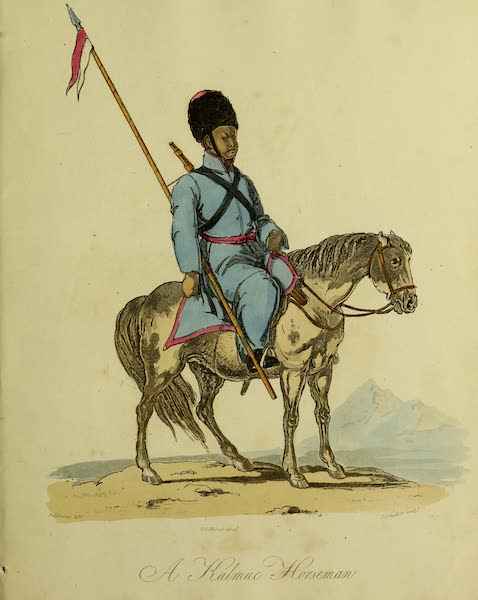 | A Kalmuc Horseman
|
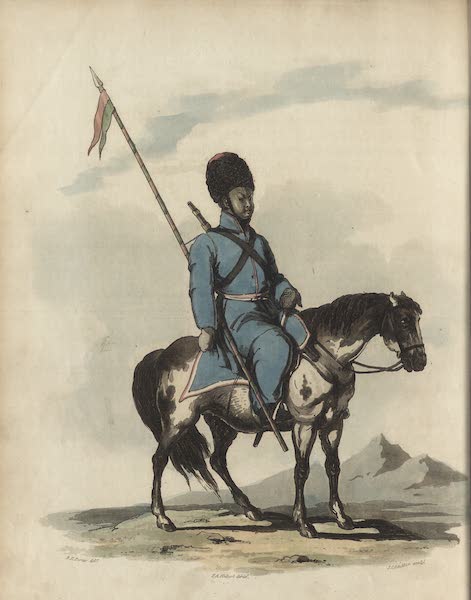 | A Kalmuc Horseman
|
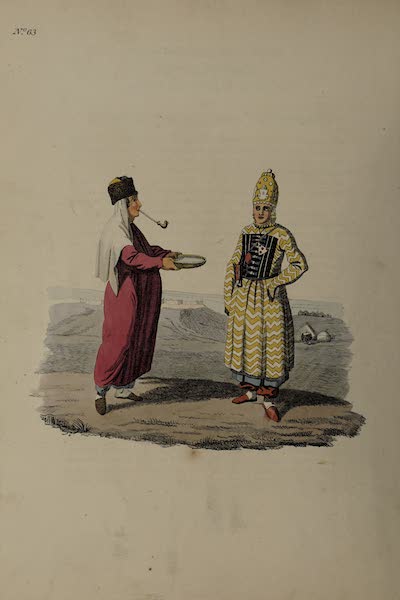 | A Kalmuc Housewife and Girl
|
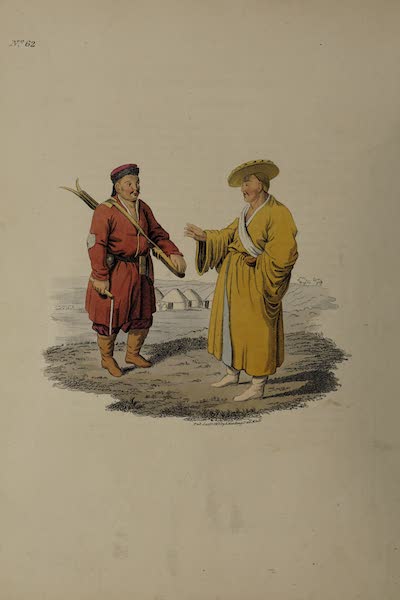 | A Kalmuc, with his Rifle-gun and Whip ; and likewise a Kalmuc Priest, or Gellong
|
 | A Kalmuk
|
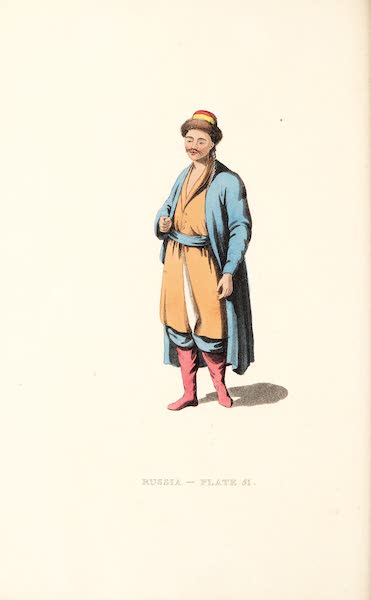 | A Kalmuk
|
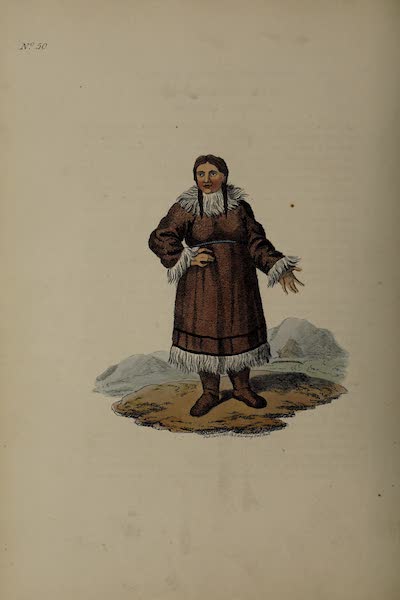 | A Kamtschadale in his ordinary Dress
|
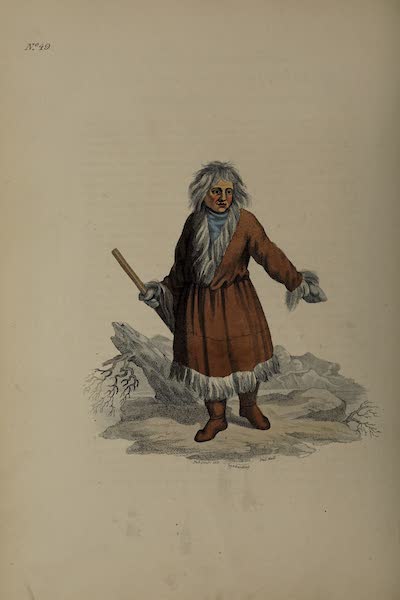 | A Kamtschadale in his Winter Dress
|
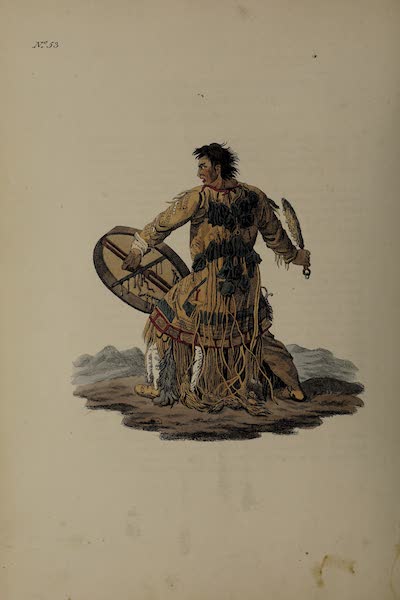 | A Kamtschatkan Priest
|
 | A Kashmiri Pundat
|
 | A Kashmiri Soldier
|
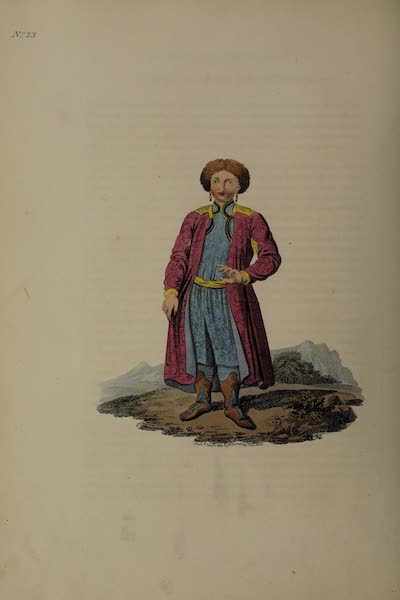 | A Katschintzian Tartar Girl
|
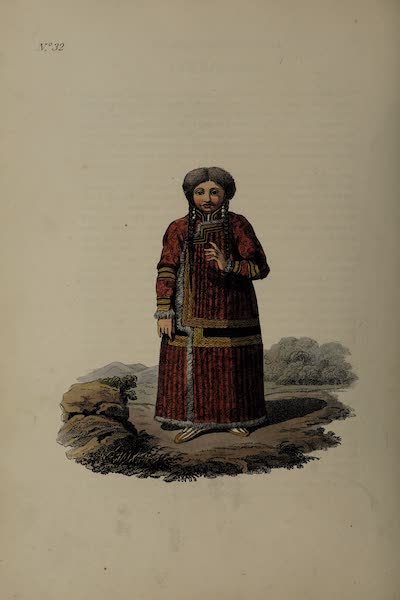 | A Katschintzian Tartar Woman
|
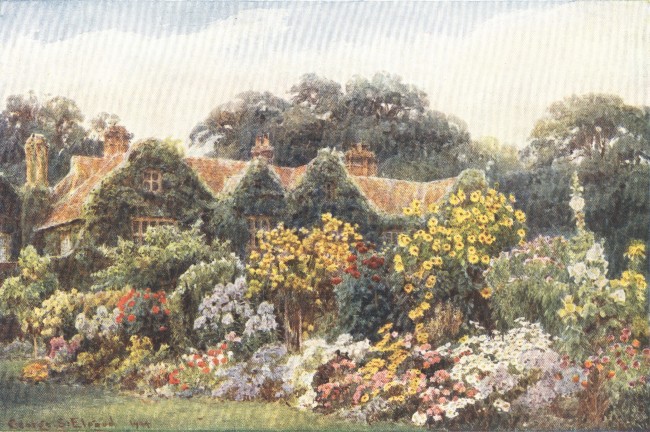 | A Kent Manor-House and Garden
|
 | A Kentish Farmyard
|
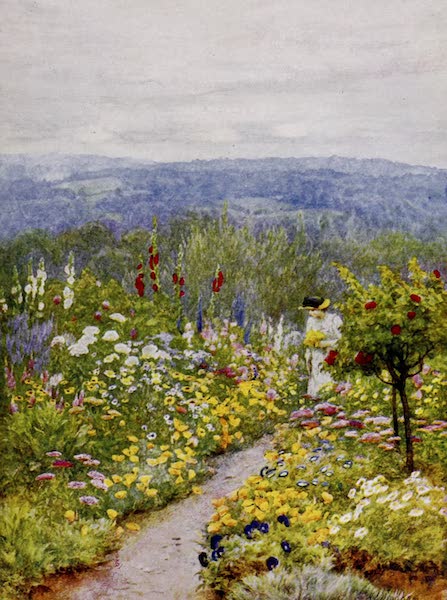 | A Kentish Garden
|
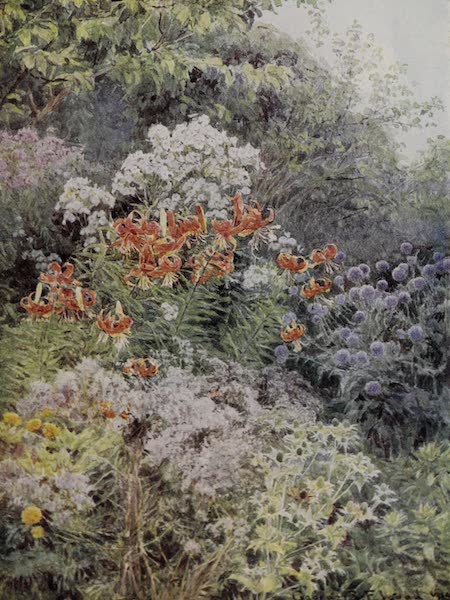 | A Kentish Garden in Autumn
|
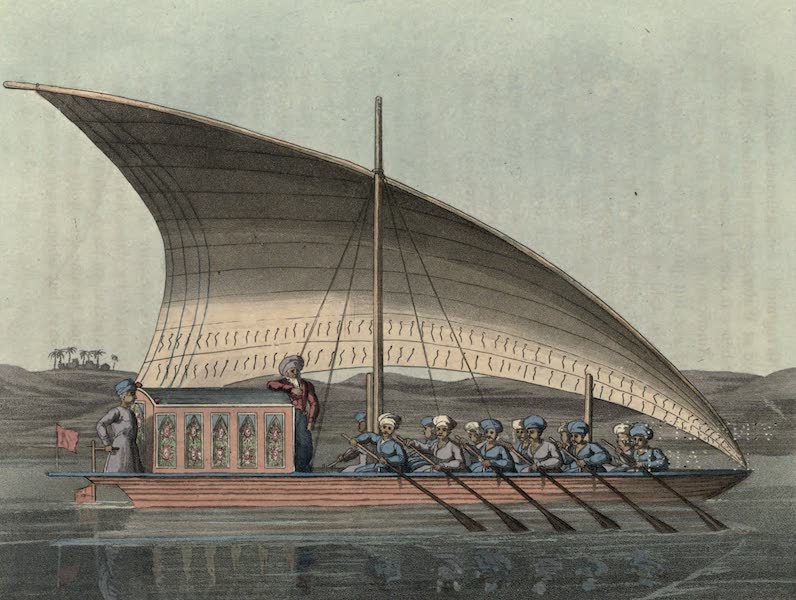 | A Khanga on the River Nile
|
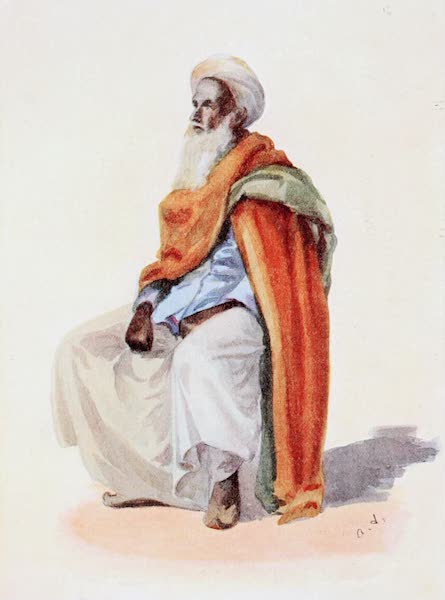 | A Khazi (Qazi), Muhammadan Magistrate
|
 | A Khedivial School
|
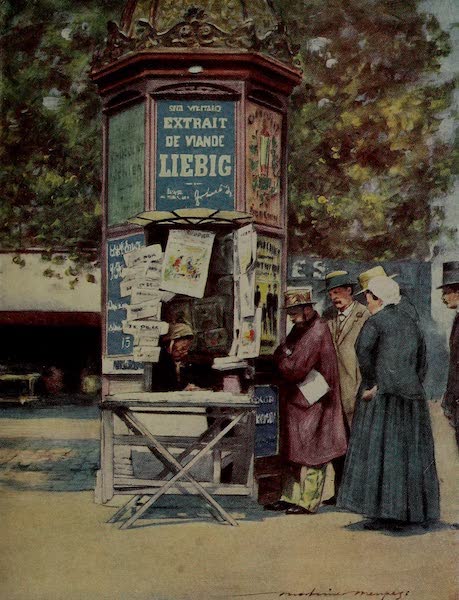 | A Kiosque, Paris
|
 | A Kirch on Horseback
|
 | A Kirghi on Horseback
|
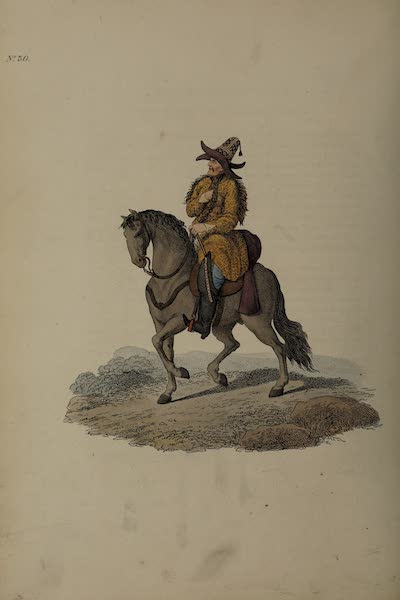 | A Kirghis on Horseback
|
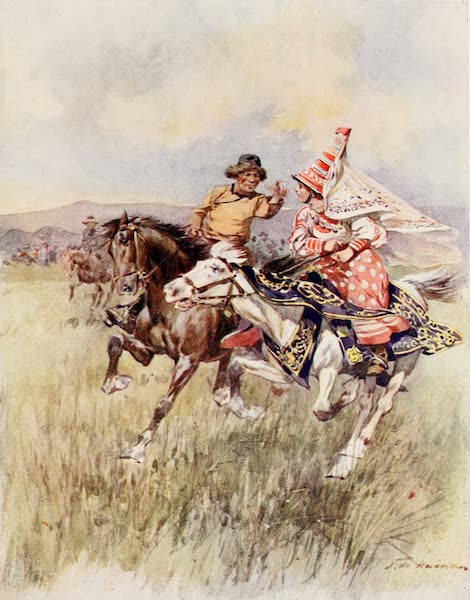 | A Kirghiz Wooing
|
 | A Kodiak Bear
|
 | A Koordish Warrior
|
 | A Korah Hottentot Village on the Left Bank of the Orange River
|
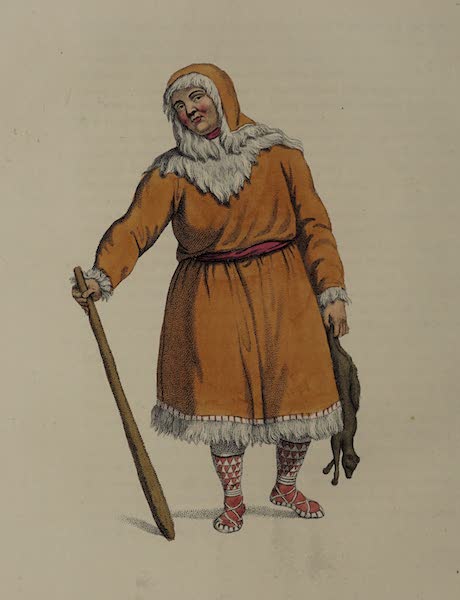 | A Koriak
|
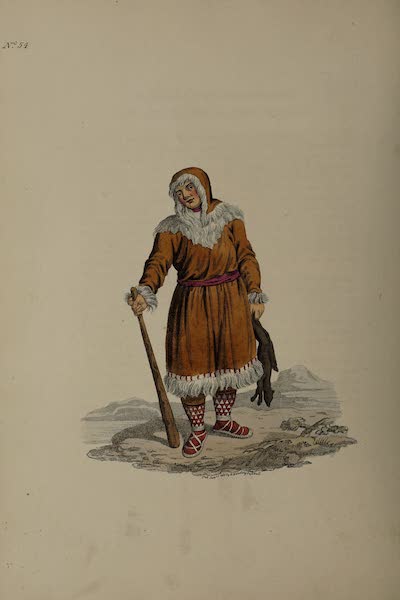 | A Koriak
|
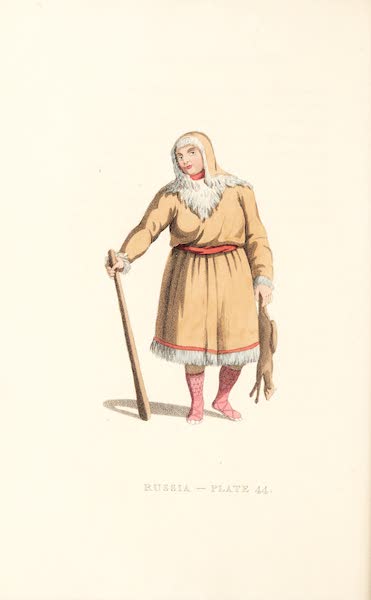 | A Koriak
|
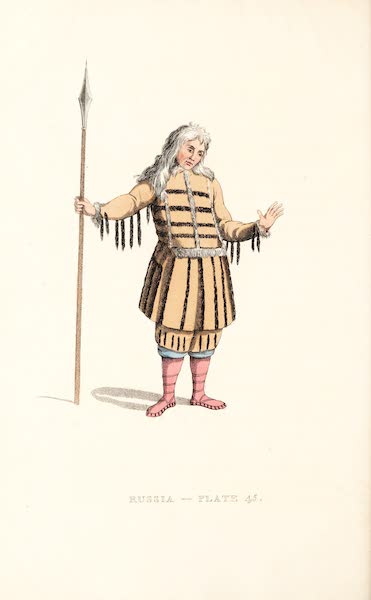 | A Koriak in his dress of ceremony
|
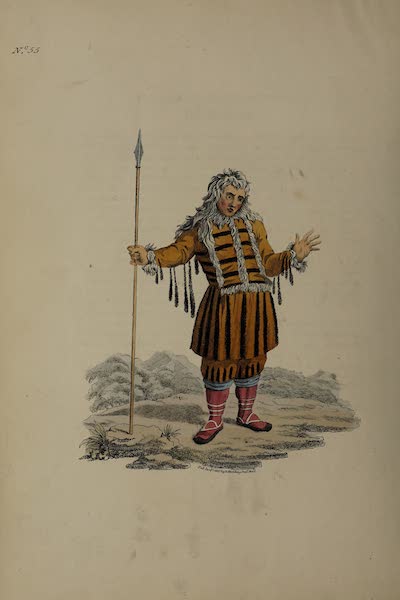 | A Koriak in his Holiday Dress
|
 | A Koriak, in his dress of ceremony
|
 | A Kurilian
|
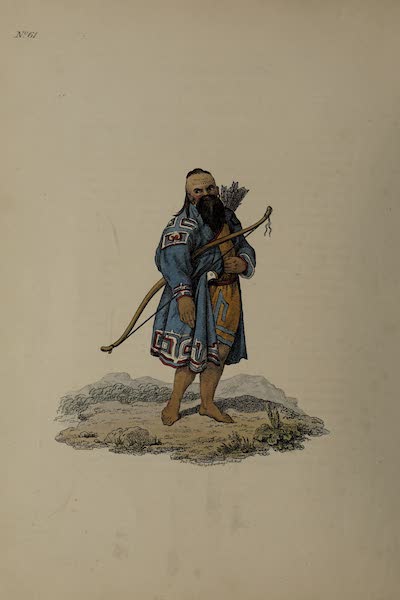 | A Kurilian
|
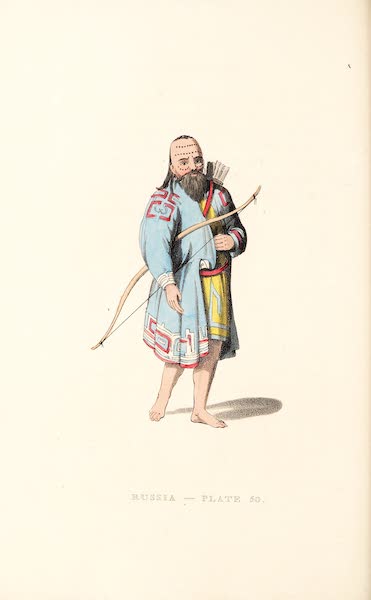 | A Kurilian
|
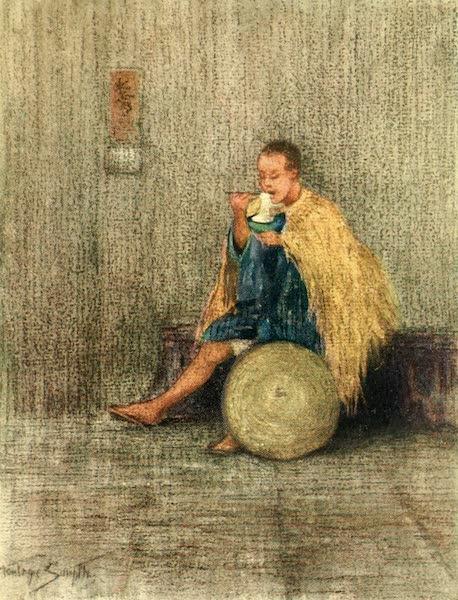 | A Kurumaya eating his Dinner, and wearing a Rain Coat
|
 | A Kutcherry
|
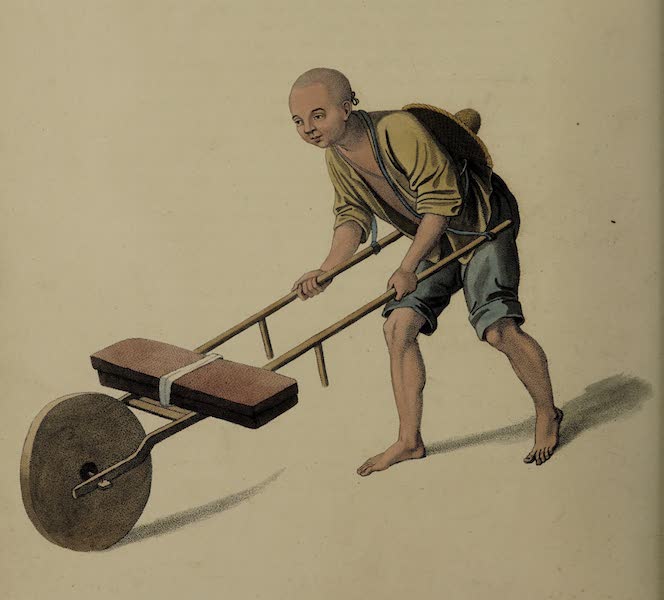 | A Labourer
|
 | A Ladaki in Summer Costume
|
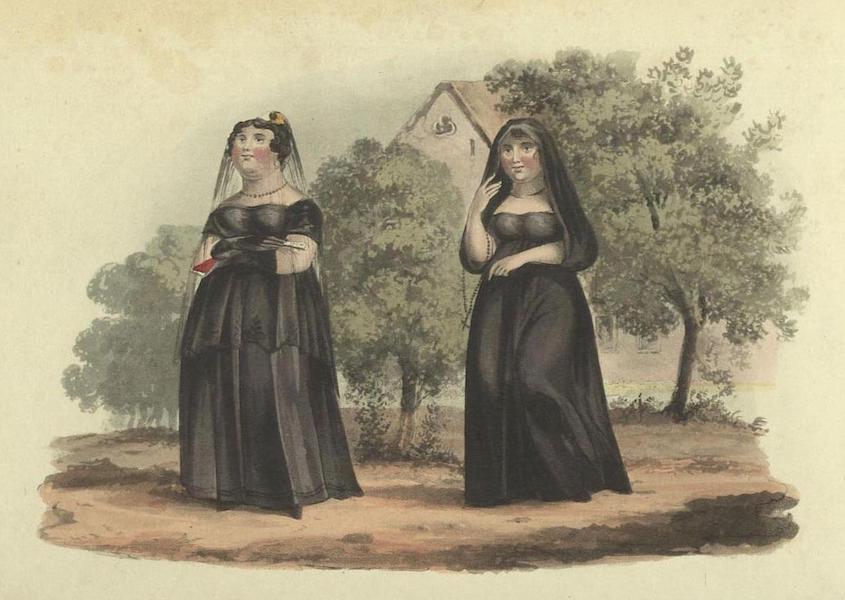 | A Lady and Her Servant Going to Church
|
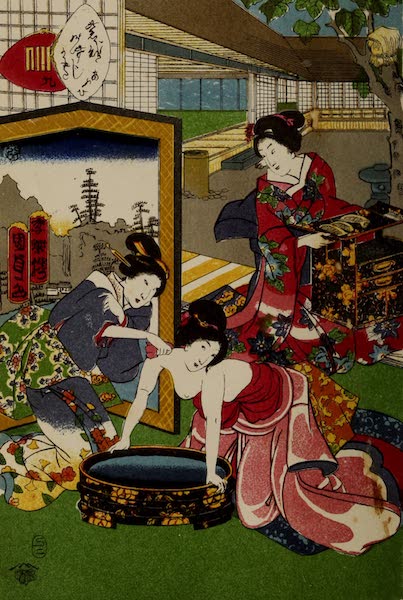 | A lady at her toilet (from a Japanese drawing)
|
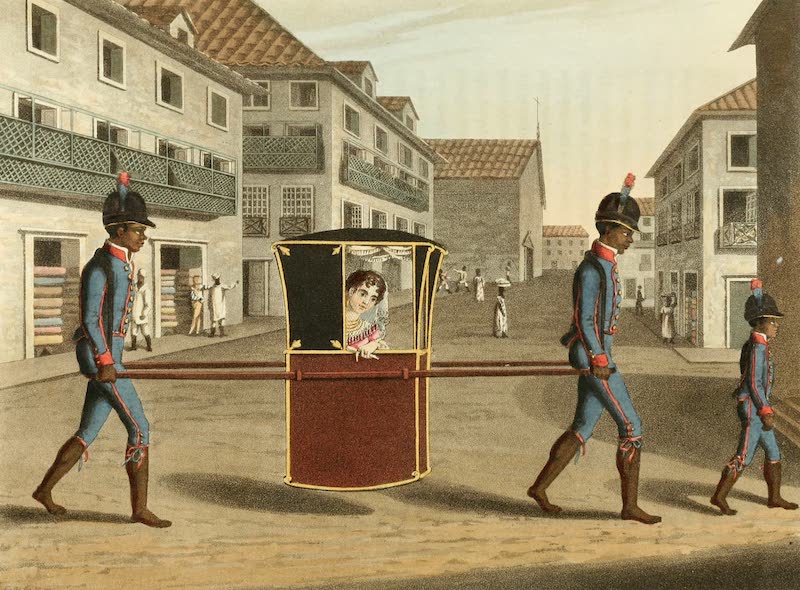 | A Lady Going to Visit
|
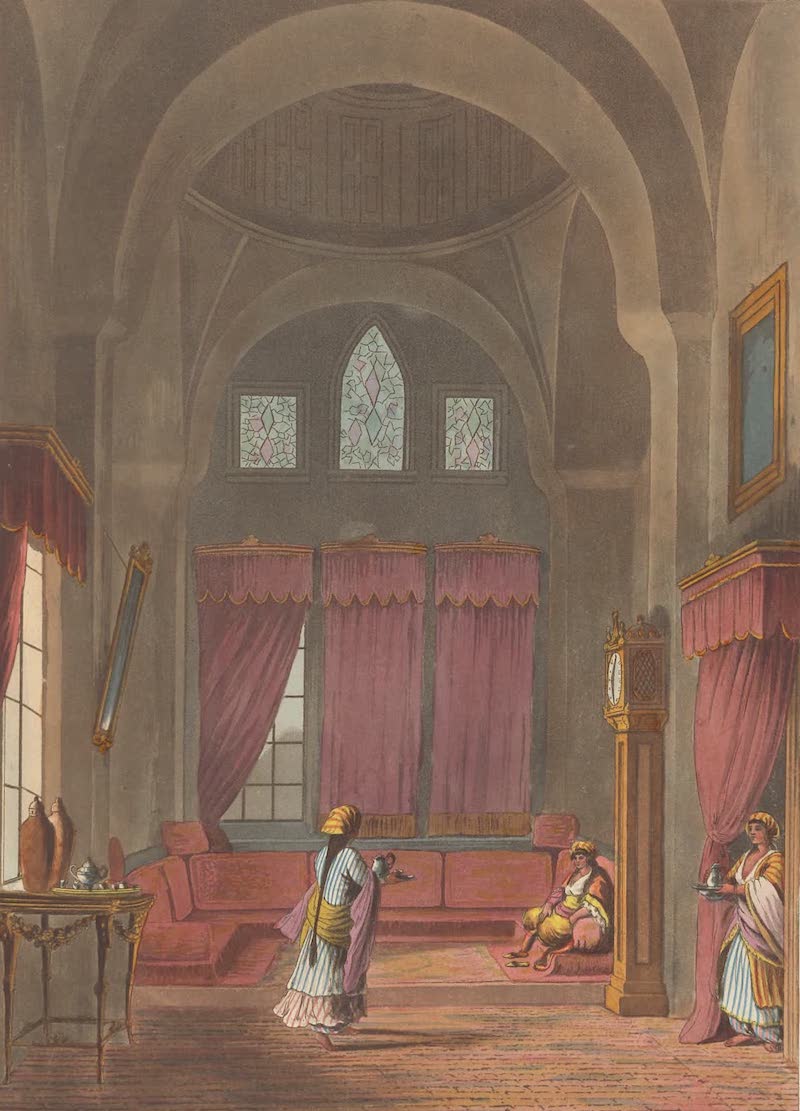 | A Lady of Cairo
|
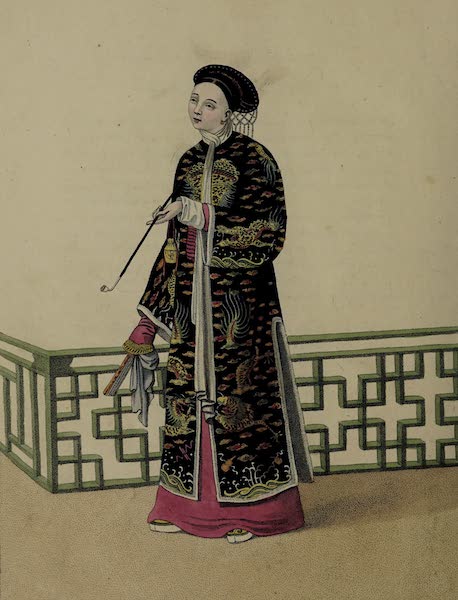 | A Lady of Distinction in her Habit of Ceremony
|
 | A Lady of Lima in her full Dress
|
 | A lady of Lima, in her wedding dress
|
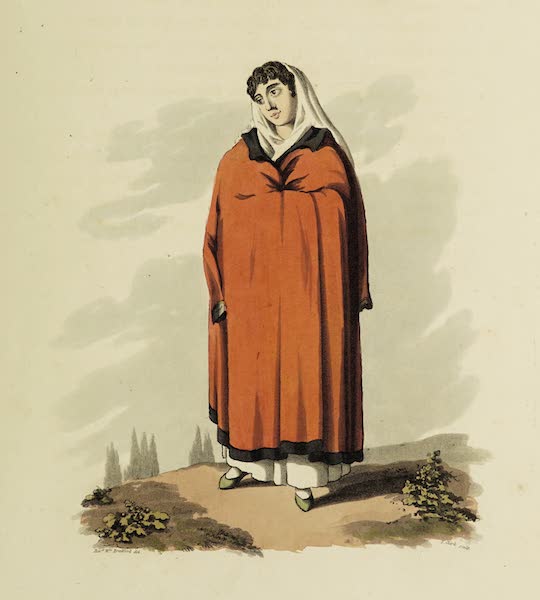 | A Lady of Lisbon in her walking dress
|
 | A Lady. Paulus Moreelse (Ryks)
|
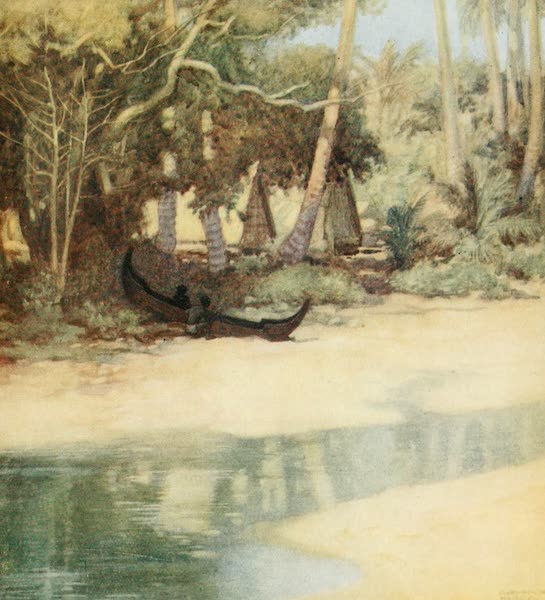 | A Lagoon in New Florida, Solomon Islands
|
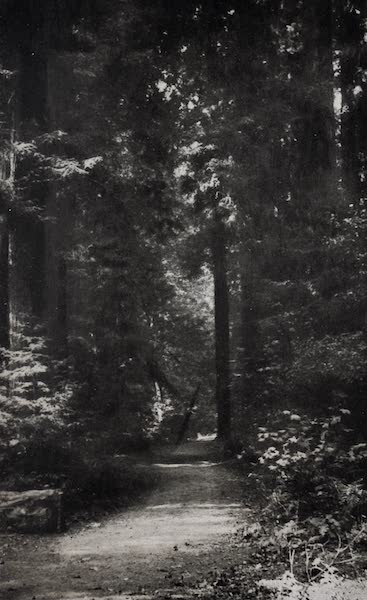 | A Lake Country Byway
|
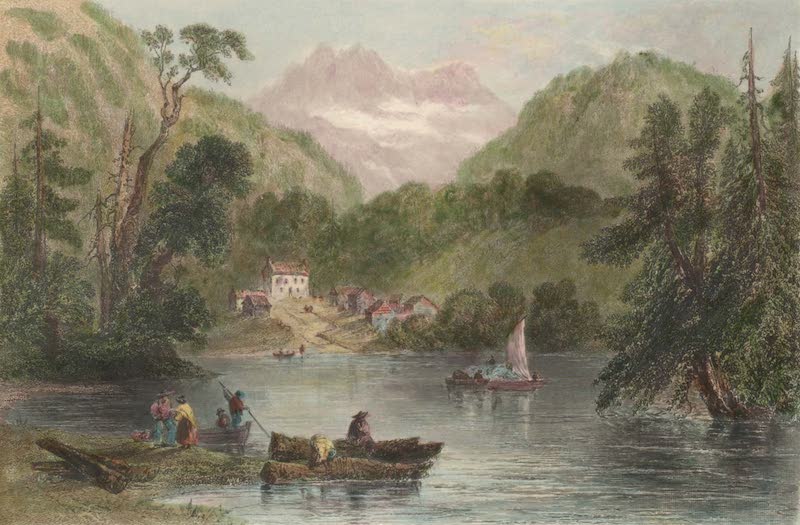 | A Lake farm on the Frontier
|
 | A Lake in Golden Gate Park
|
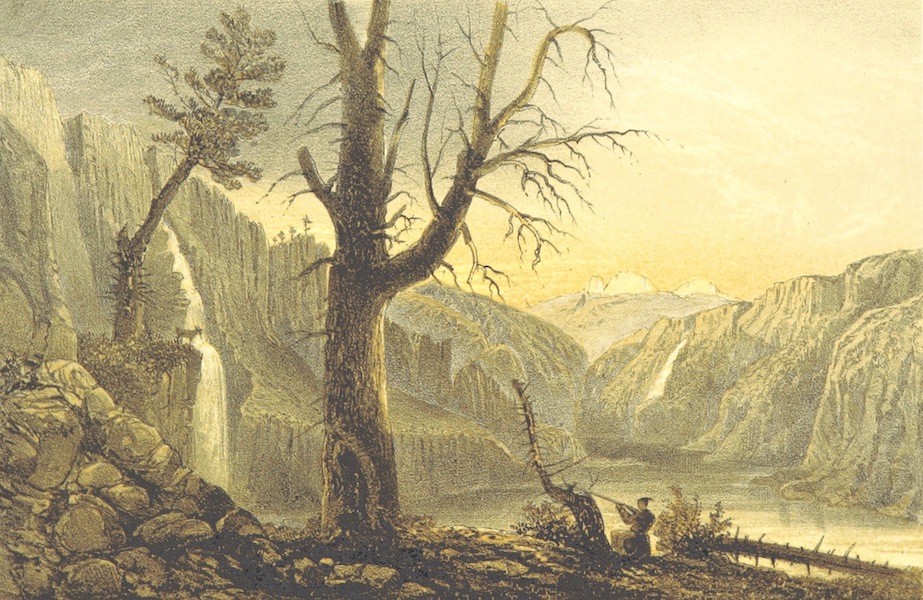 | A Lake near the Source of the River Tschu-Gash, Altain Mountains
|
 | A Lake on a Forest Reserve in Arizona
|
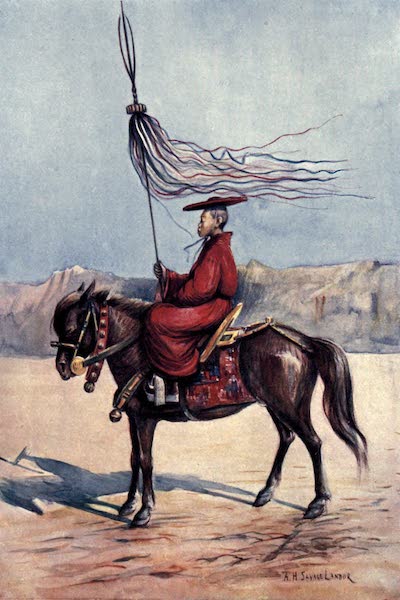 | A Lama Standard-Bearer
|
 | A Lame Beggar
|
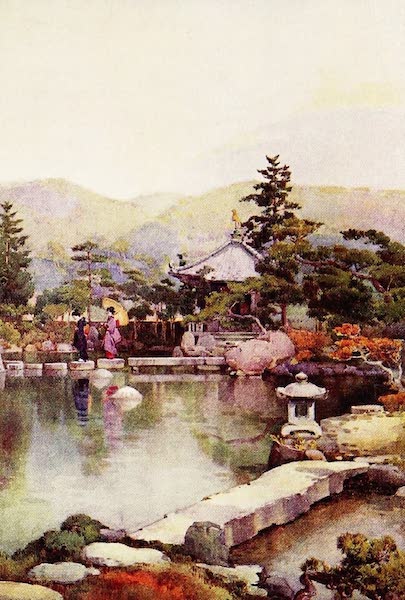 | A Landscape Garden
|
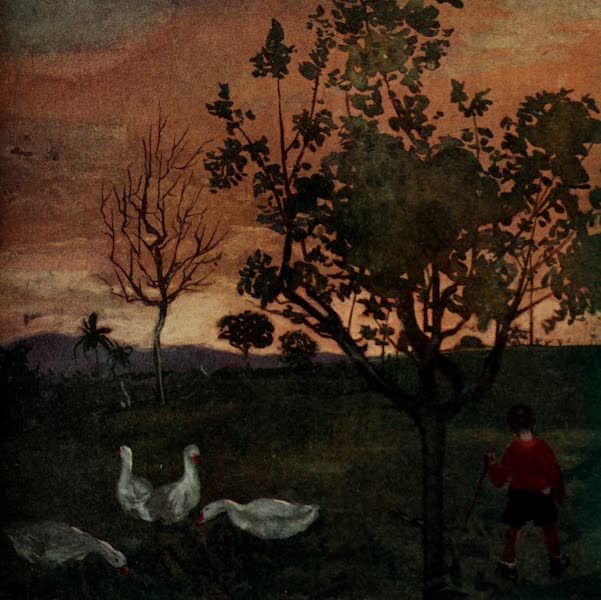 | A Landscape in the State of Rio Grande
|
 | A Lane in Noli
|
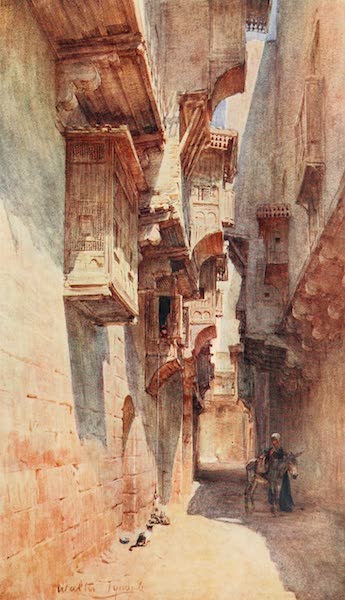 | A Lane in the Tulun Quarter at Cairo
|
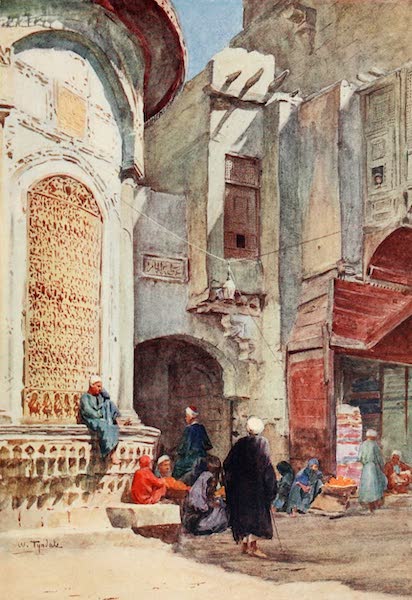 | A Lane near the Gate of Zuweyla
|
 | A Lantern-painter
|
 | A Laplander
|
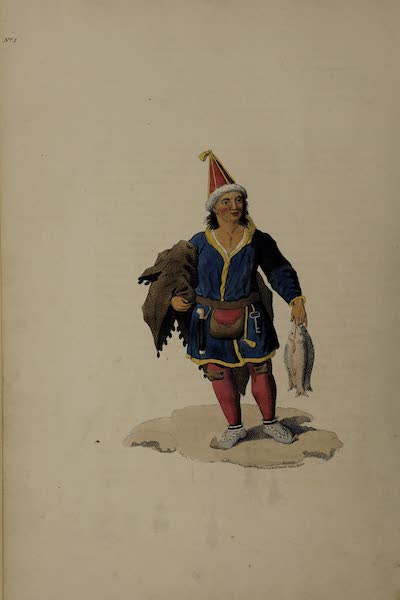 | A Laplander
|
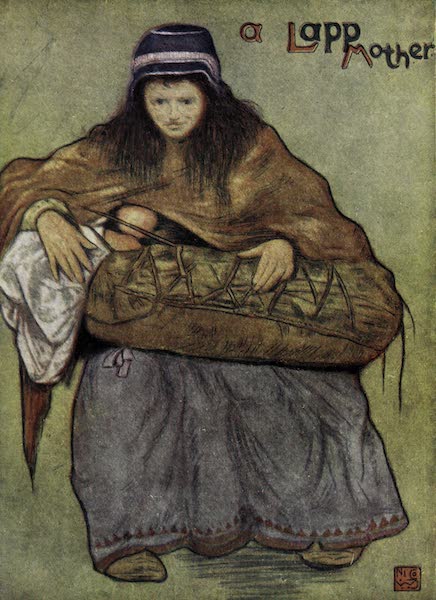 | A Lapp Mother and Child
|
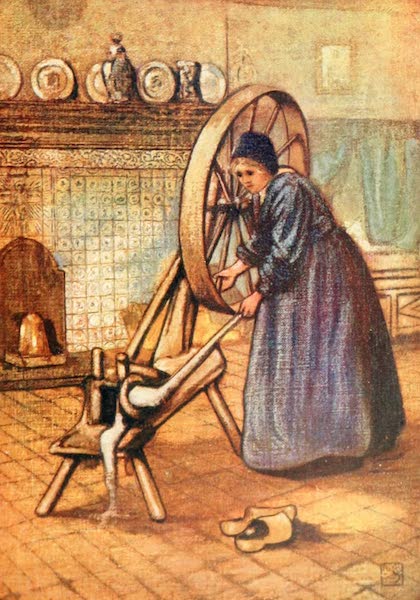 | A Laren Spinning-wheel
|
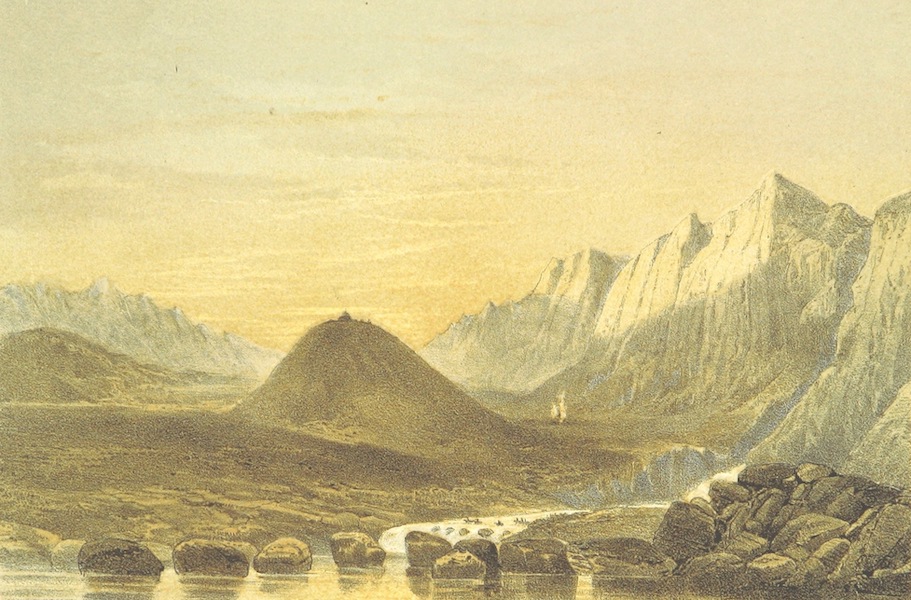 | A Large Barrow in a Valley in the Tarbogatai, Chinese Tartary
|
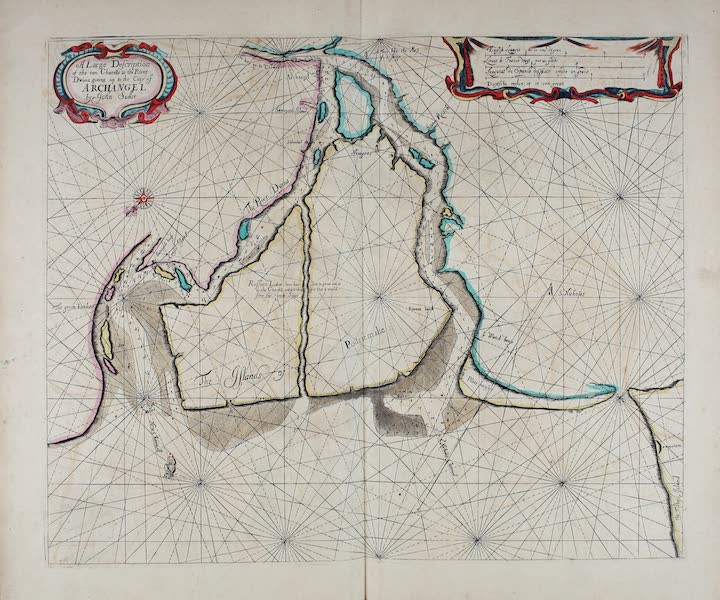 | A large description of the two chanells in the river Dwina goeing up to the citty of Archangel
|
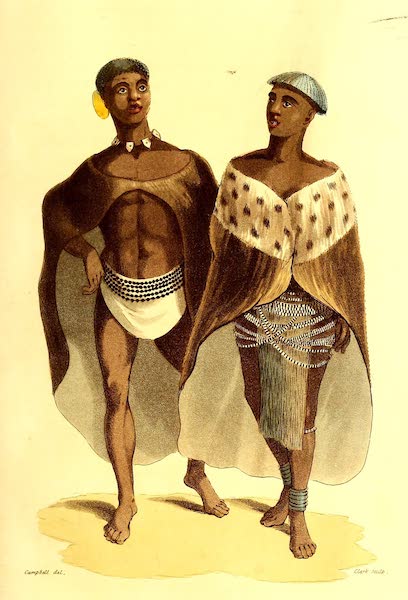 | A Lattakoo Chief and his Wife
|
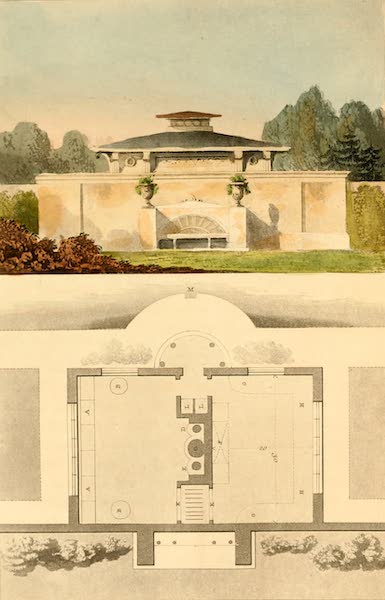 | A Laundry. The Plan at an Enlarged Scale
|
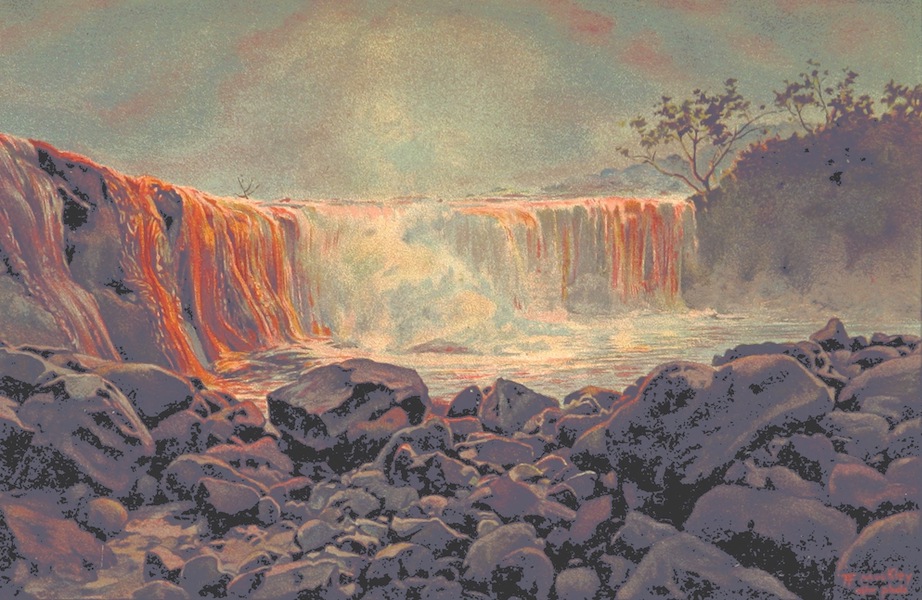 | A Lava Stream Flowing into a Lake, Hawaii
|
 | A leaf of the cactus opuntia, or prickly pear
A leaf of the cactus opuntia, or prickly pear, with the cochineal insects that feed upon it. The male and female of those insects in the different stages of their existence and growth ; and a fly, found in numbers upon the same plant, and supposed to feed upon the cochineal insect; accurately delineated from nature, at Rio de Janeiro, in South America. |
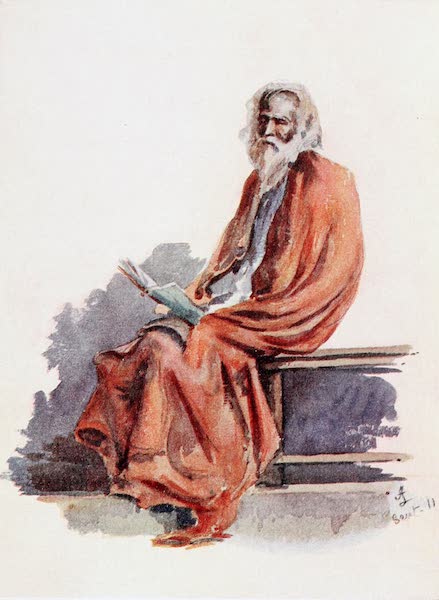 | A Learned Ascetic
|
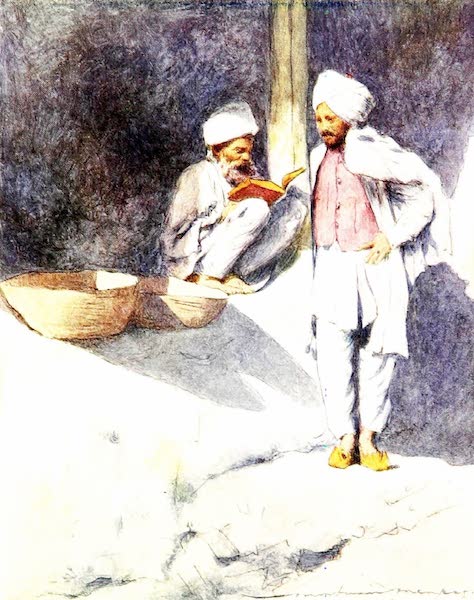 | A Learned Man of Peshawur
|
![A Letter from Eliza Draper, dated Tellicherry, April, 1769 [III]](https://historyarchive.org/images/books/books-r/relics-of-the-honourable-british-east-india-company-1909/plates/48-a-letter-from-eliza-draper-dated-tellicherry-april-1769-III.jpg) | A Letter from Eliza Draper, dated Tellicherry, April, 1769 [III]
|
![A Letter from Eliza Draper, dated Tellicherry, April, 1769 [II]](https://historyarchive.org/images/books/books-r/relics-of-the-honourable-british-east-india-company-1909/plates/47-a-letter-from-eliza-draper-dated-tellicherry-april-1769-II.jpg) | A Letter from Eliza Draper, dated Tellicherry, April, 1769 [II]
|
![A Letter from Eliza Draper, dated Tellicherry, April, 1769 [IV]](https://historyarchive.org/images/books/books-r/relics-of-the-honourable-british-east-india-company-1909/plates/49-a-letter-from-eliza-draper-dated-tellicherry-april-1769-IV.jpg) | A Letter from Eliza Draper, dated Tellicherry, April, 1769 [IV]
|
![A Letter from Eliza Draper, dated Tellicherry, April, 1769 [I]](https://historyarchive.org/images/books/books-r/relics-of-the-honourable-british-east-india-company-1909/plates/46-a-letter-from-eliza-draper-dated-tellicherry-april-1769-I.jpg) | A Letter from Eliza Draper, dated Tellicherry, April, 1769 [I]
|
![A Letter from Eliza Draper, dated Tellicherry, April, 1769 [VIII]](https://historyarchive.org/images/books/books-r/relics-of-the-honourable-british-east-india-company-1909/plates/53-a-letter-from-eliza-draper-dated-tellicherry-april-1769-VIII.jpg) | A Letter from Eliza Draper, dated Tellicherry, April, 1769 [VIII]
|
![A Letter from Eliza Draper, dated Tellicherry, April, 1769 [VII]](https://historyarchive.org/images/books/books-r/relics-of-the-honourable-british-east-india-company-1909/plates/52-a-letter-from-eliza-draper-dated-tellicherry-april-1769-VII.jpg) | A Letter from Eliza Draper, dated Tellicherry, April, 1769 [VII]
|
![A Letter from Eliza Draper, dated Tellicherry, April, 1769 [VI]](https://historyarchive.org/images/books/books-r/relics-of-the-honourable-british-east-india-company-1909/plates/51-a-letter-from-eliza-draper-dated-tellicherry-april-1769-VI.jpg) | A Letter from Eliza Draper, dated Tellicherry, April, 1769 [VI]
|
![A Letter from Eliza Draper, dated Tellicherry, April, 1769 [V]](https://historyarchive.org/images/books/books-r/relics-of-the-honourable-british-east-india-company-1909/plates/50-a-letter-from-eliza-draper-dated-tellicherry-april-1769-V.jpg) | A Letter from Eliza Draper, dated Tellicherry, April, 1769 [V]
|
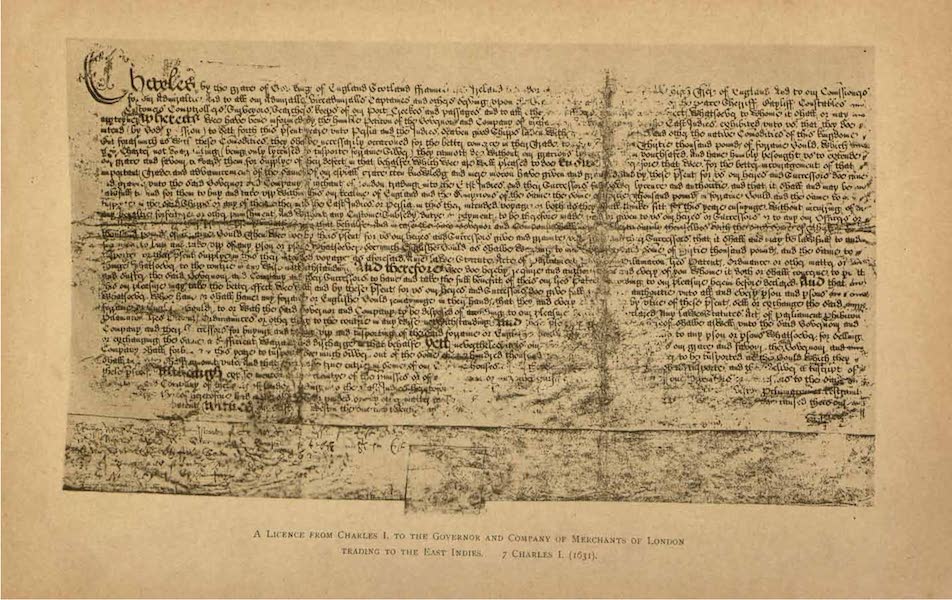 | A Licence from Charles I to the Governor and Company of Merchants of London Trading to the East Indies
|
 | A Lisbon Chiase
|
 | A Little Bit of Old Rio
|
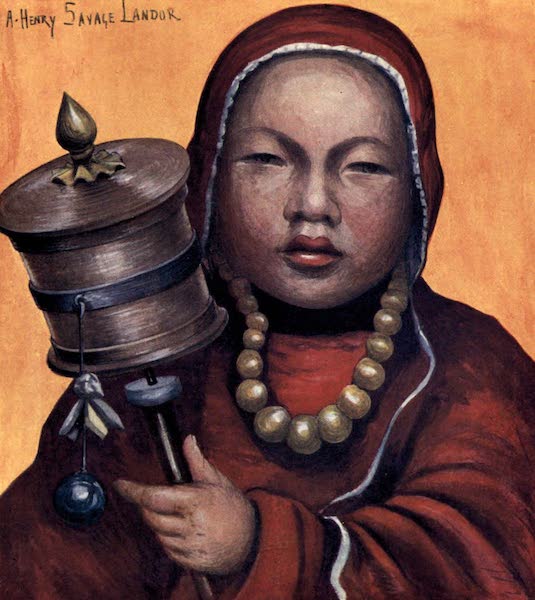 | A Little Boy learning to Pray
|
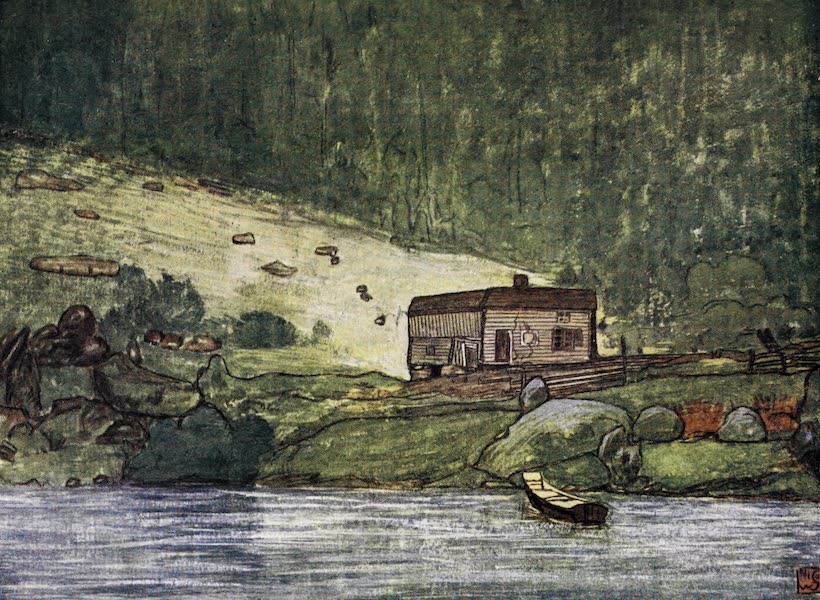 | A Little Farm on the Riverside at Gjora
|
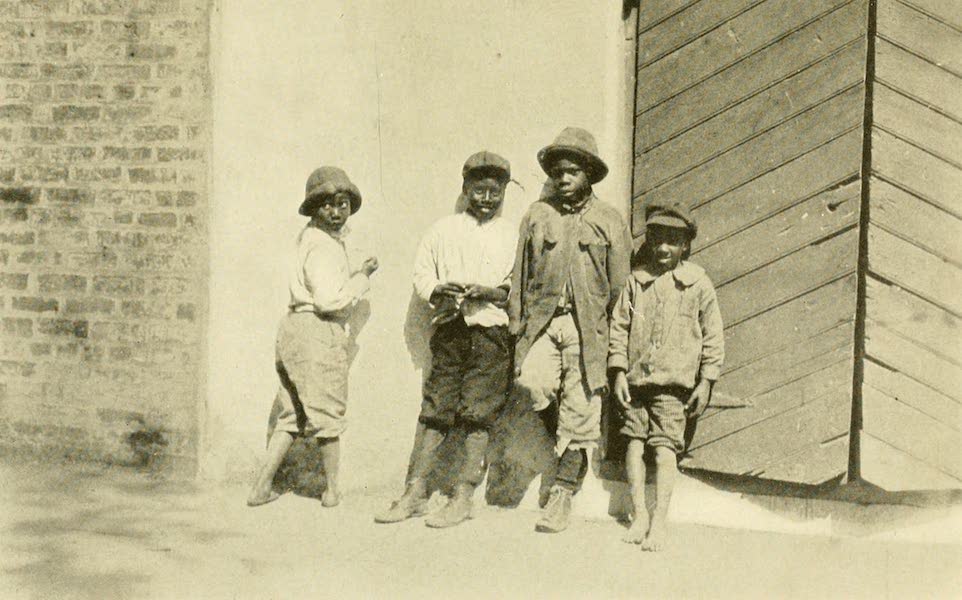 | A Little Group of Future Citizens
|
 | A Little Guarani-Spanish Girl, Corrientes
|
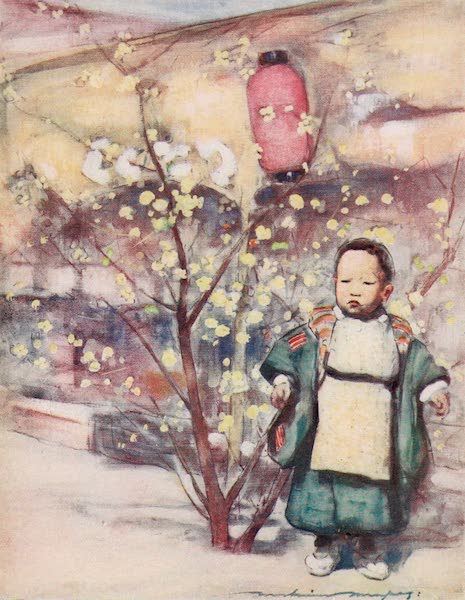 | A Little Jap
|
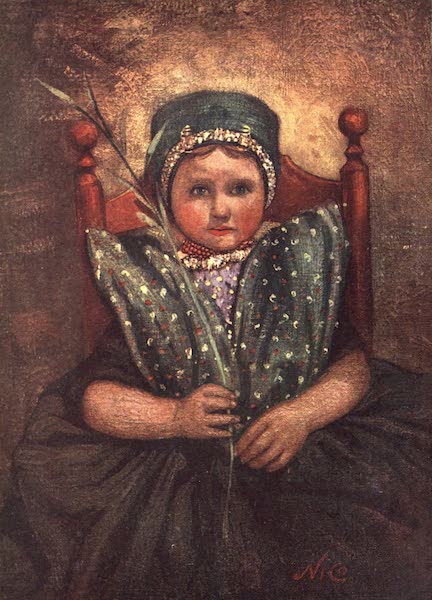 | A Little Maiden
|
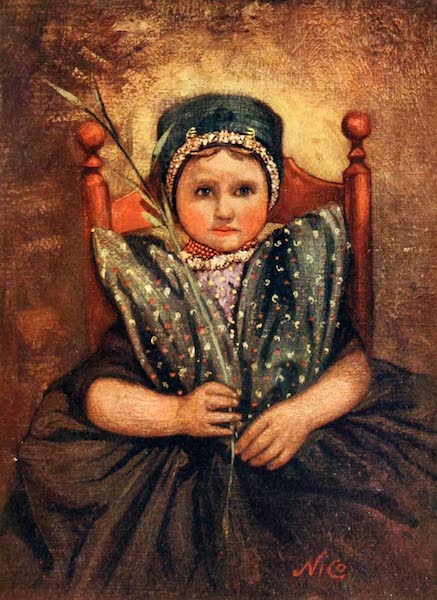 | A Little Maiden
|
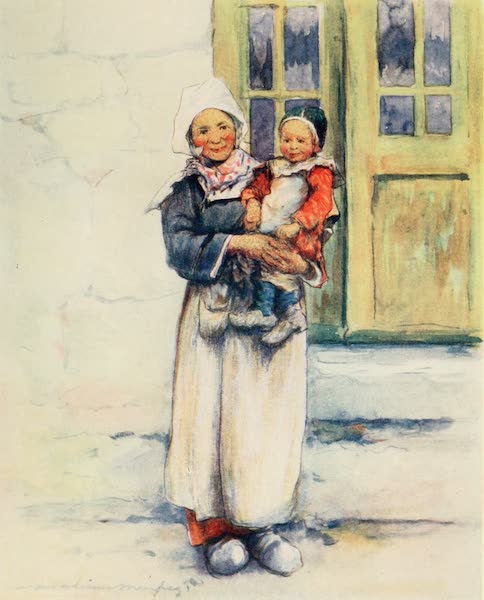 | A Little Mother
|
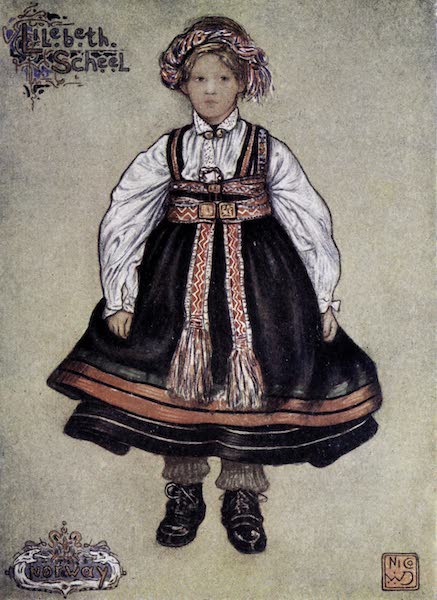 | A Little Saetersdalen Peasant Girl
|
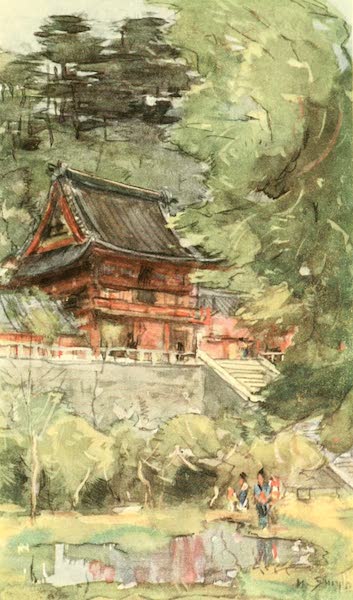 | A Little Shrine set amid a wealth of Green
|
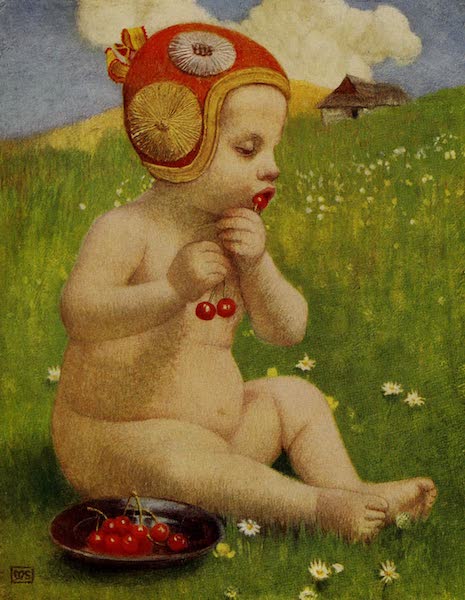 | A Little Slovak
|
 | A Little Warrier-Carrier
|
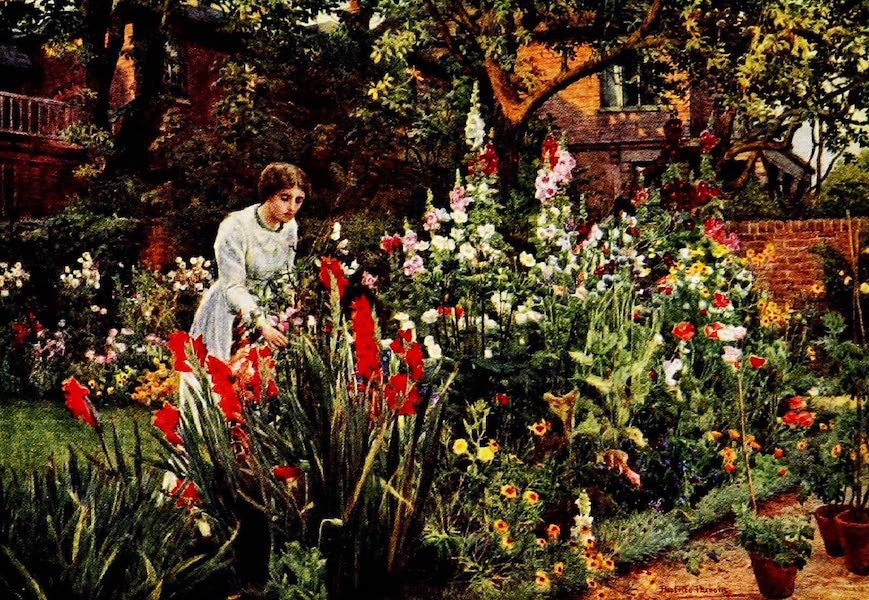 | A London Garden in August
|
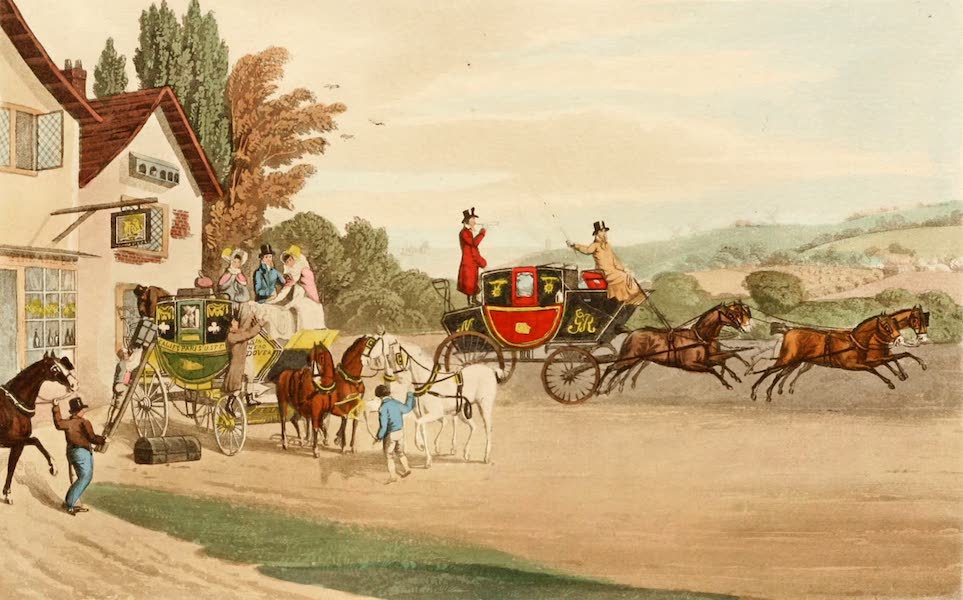 | A London Mail and Stage Coach
|
 | A Lonely Shore near Penrhyn Deudraeth
|
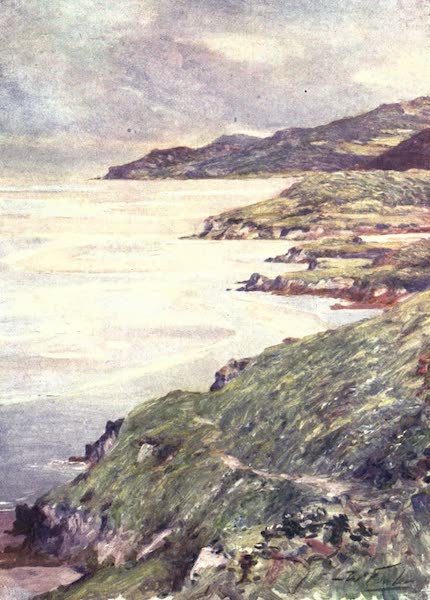 | A Lonely Shore, Barmouth Estuary
|
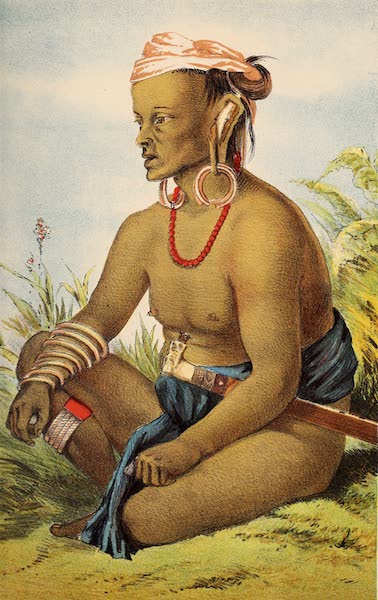 | A Long Wahou Warrior
|
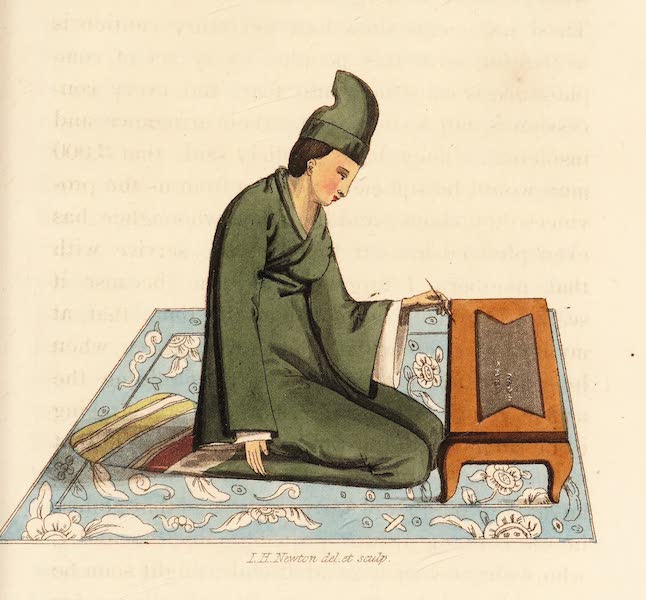 | A Looto Seree
|
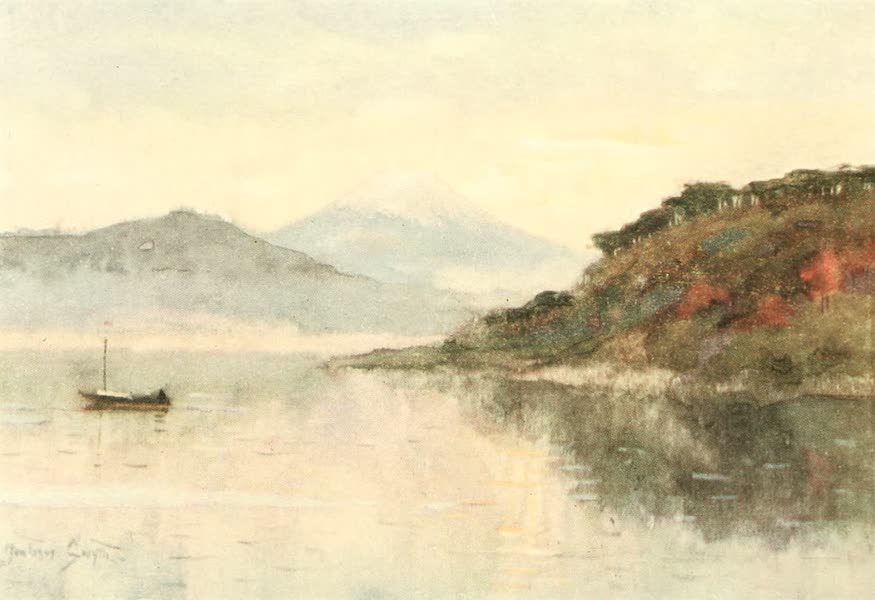 | A Lovely Spot from which beautiful, dominating Fuji-Hama can be seen
|
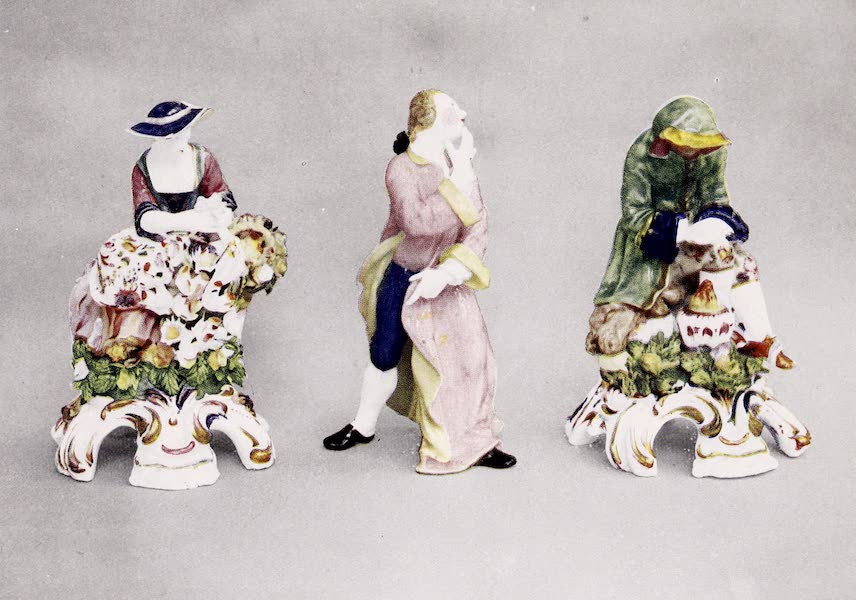 | A Lover Between Spring and Winter
|
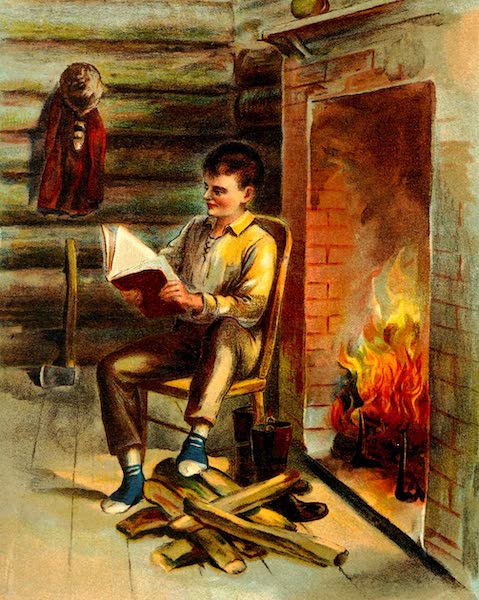 | A Lover of Books and Study
|
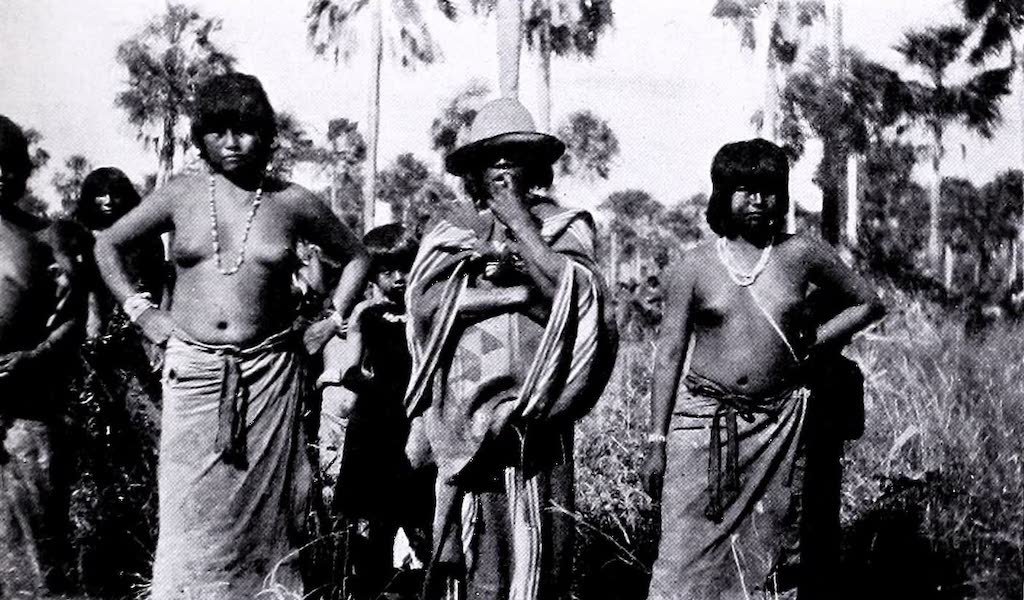 | A Maca Chieftain and His Daughters
|
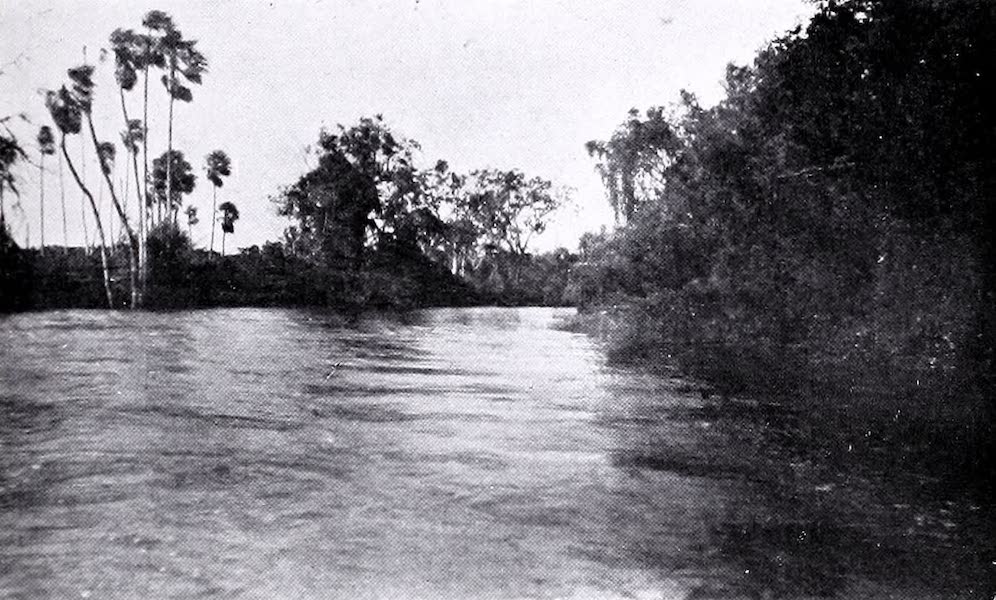 | A Maca Chieftain and His Daughters
|
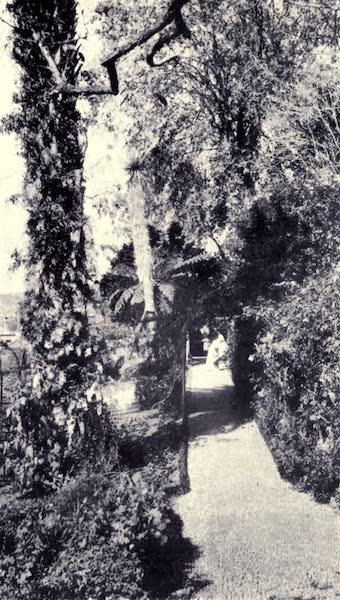 | A Madeira Garden Party
|
 | A Magyar Cottage at Banffy-Hunyad
|
 | A Mahi Village
|
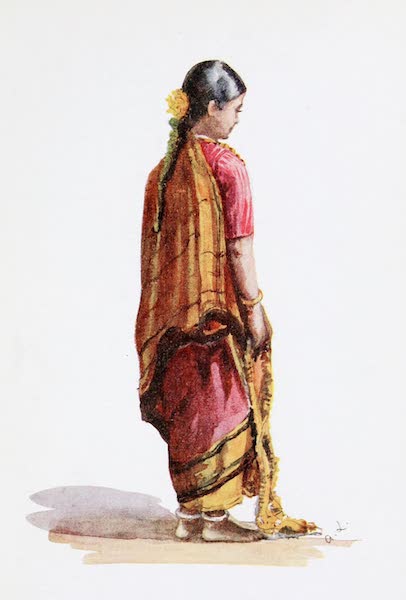 | A Mahratta Brahman Girl
|
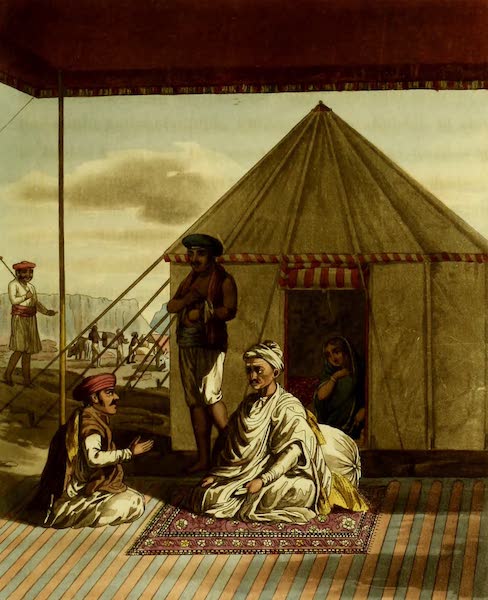 | A Mahratta Pandit and His Family
|
 | A Mahratta Sundar Entertaining Brahmins
|
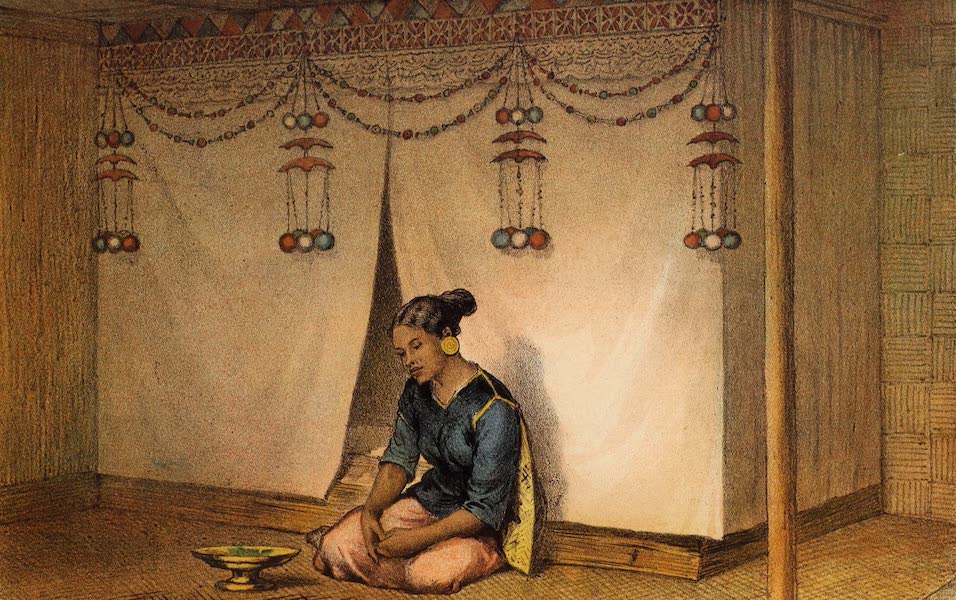 | A Malay Bride, the Honeymoon
|
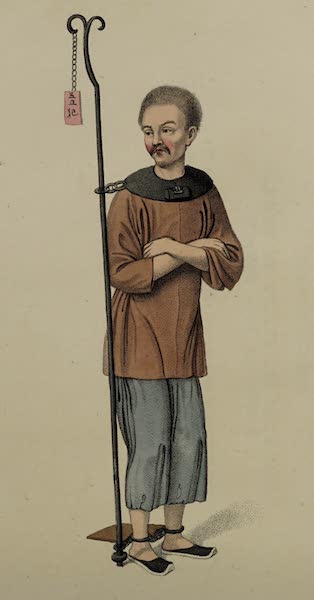 | A Malefactor chained to an Iron Bar
|
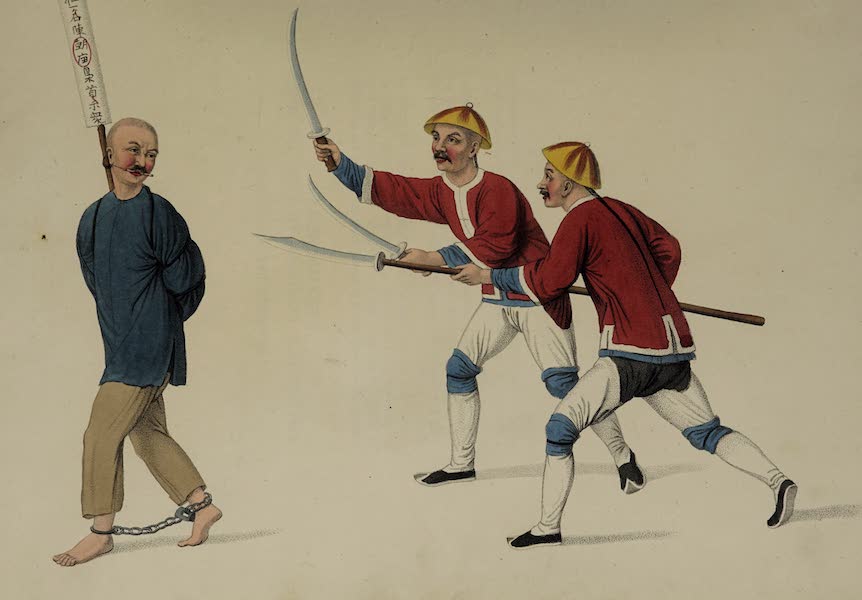 | A Malefactor conducted to Execution
|
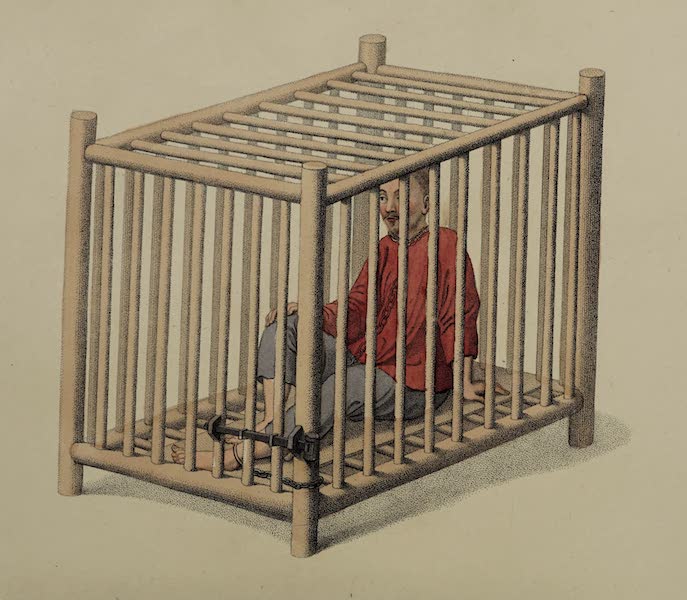 | A Malefactor in a Cage.
|
 | A Malla or Necklace
|
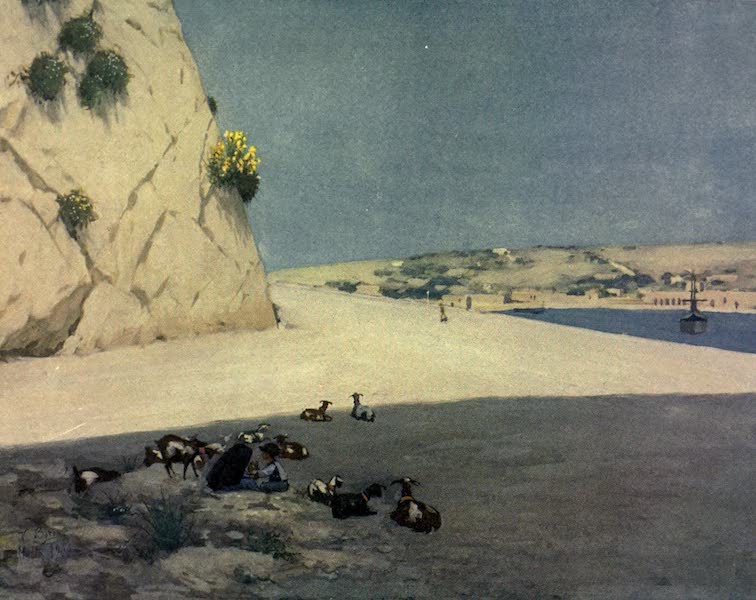 | A Maltese Road under the Walls of Valletta
|
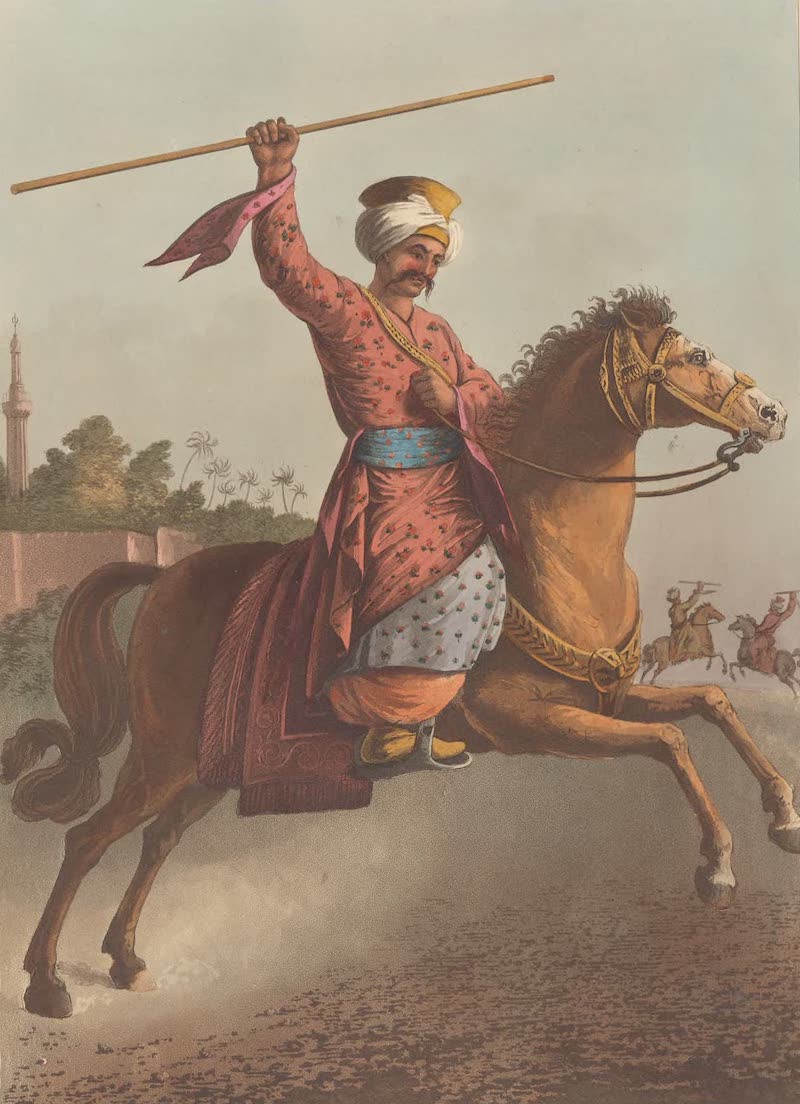 | A Mamaluke Exercising
|
![A Mameluca of St. Paulo [and] A Cafusa of St. Paulo](https://historyarchive.org/images/books/books-t/travels-in-brazil-v02-1824/plates/05-a-mameluca-of-st-paulo-and-a-cafusa-of-st-paulo.jpg) | A Mameluca of St. Paulo [and] A Cafusa of St. Paulo
|
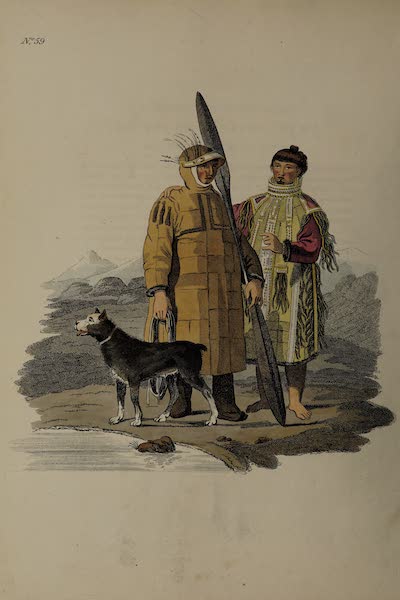 | A Man and Woman of Oonalaschka, one of the Aleutian Islands
|
 | A Man and Woman of Risano, in the Country of Cattaro
|
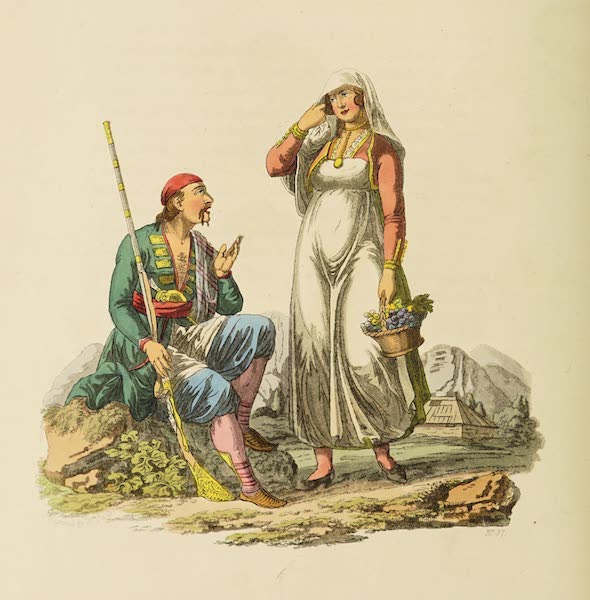 | A Man and Woman of Risano, in the Country of Cattaro
|
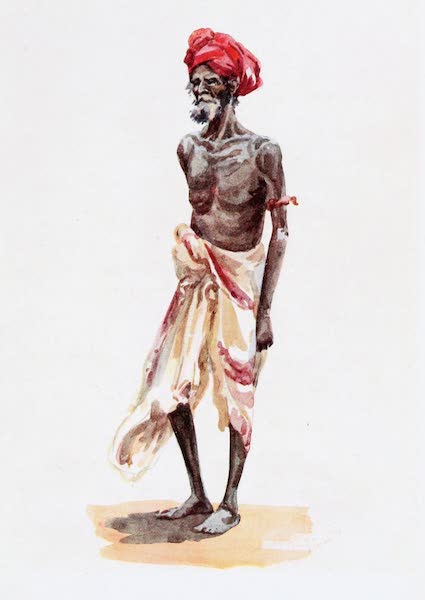 | A Man belonging to one of the Forest Tribes of the Western Ghats
|
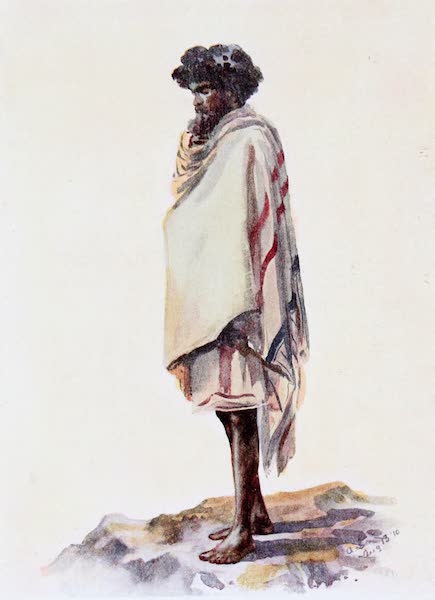 | A Man belonging to the Toda Tribe
|
 | A Man fastened to a Block of Wood.
|
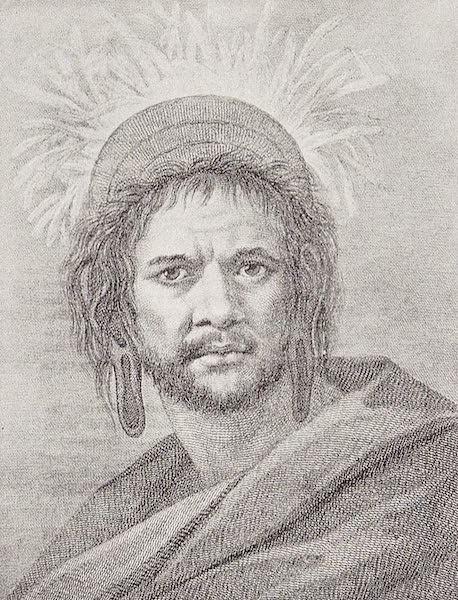 | A Man of Easter Island
|
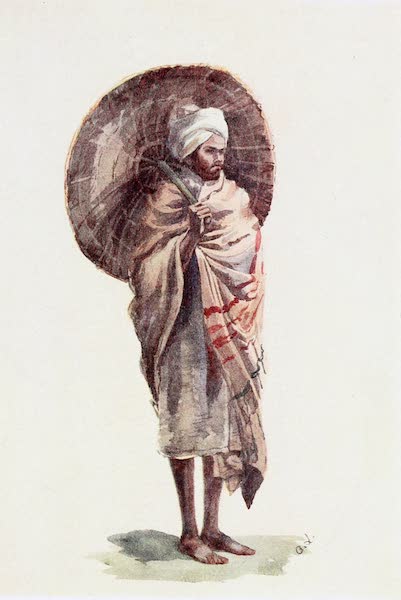 | A Man of the Budaga Caste
|
 | A Man striking a small Gong during an Eclipse
|
 | A Man with a Raree-show
|
 | A Man's Head, Volendam
|
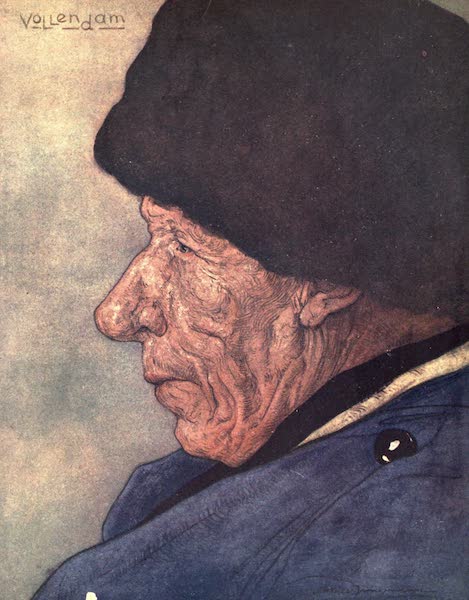 | A Man's Head, Volendam
|
 | A Mandarin in his Summer Dress
|
 | A Mandarin of Distinction in his Habit of Ceremony
|
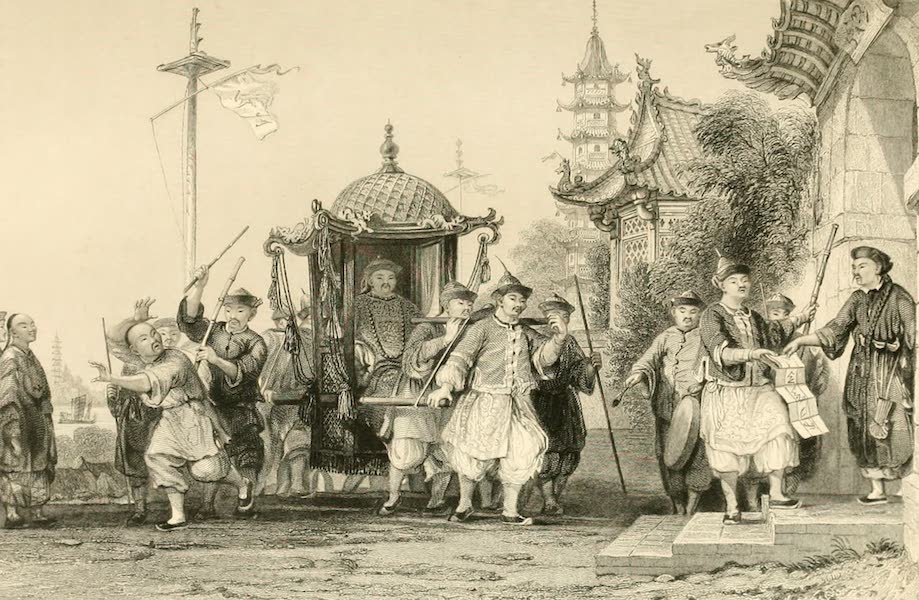 | A Mandarin paying a Visit of Ceremony
|
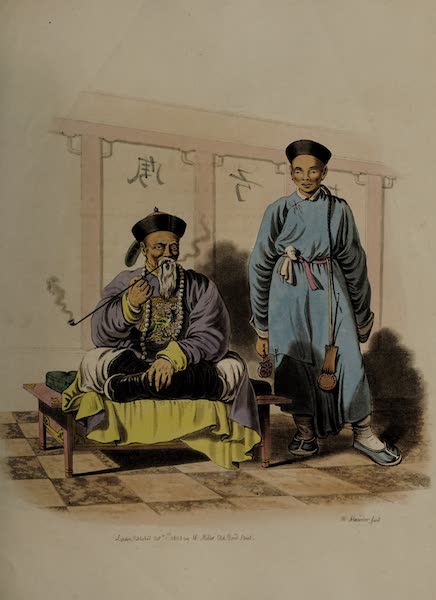 | A Mandarin, attended by a Domestic
|
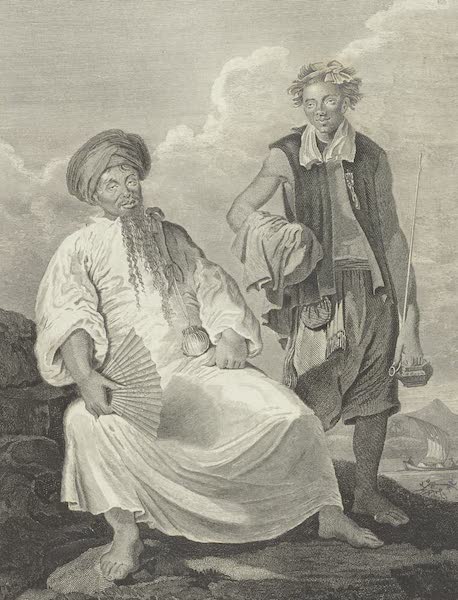 | A mandarine, or magistrate of Turon, attended by his pipebearer
These, with few variations, are the usual dresses worn by the natives of Cochin-china, and differ little in their general appearance from those of China. |
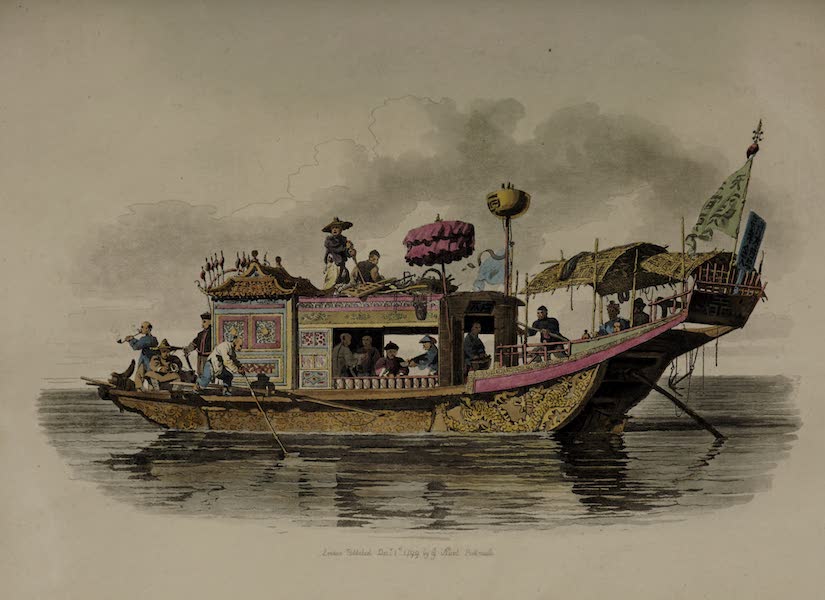 | A Mandarin’s travelling Boat
|
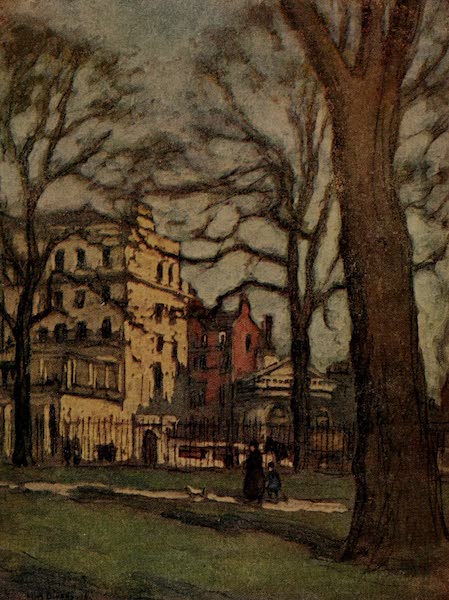 | A Mansion in Park Lane, from Hyde Park
|
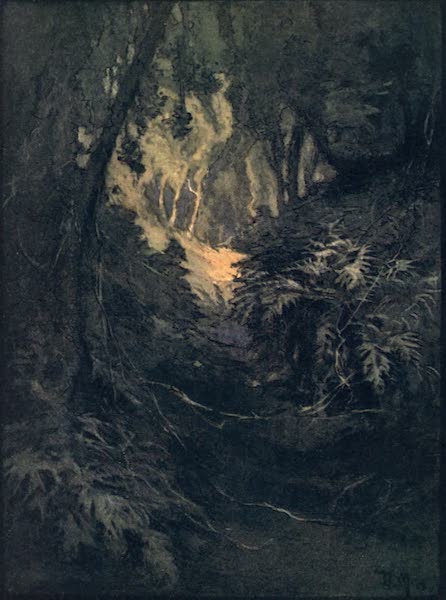 | A Manx Glen
|
 | A Maori Chieftainess
|
 | A Maori Village
|
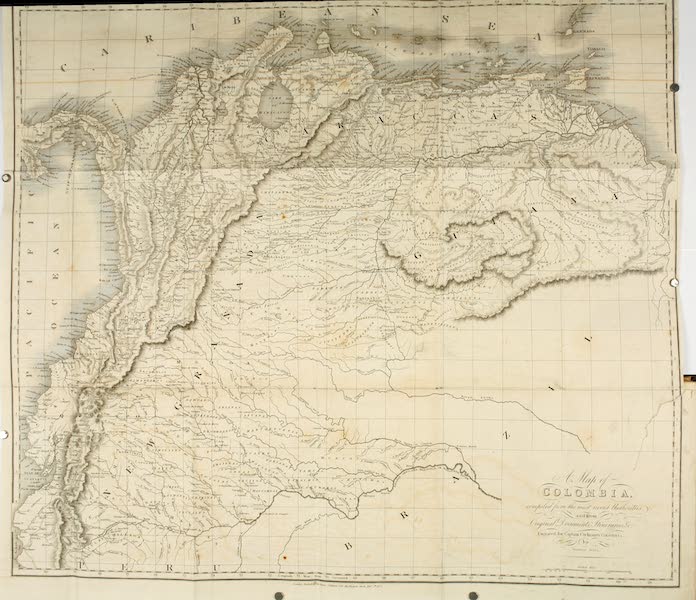 | A Map of Colombia
|
 | A Map of Dahomey with Part of Ashanti
|
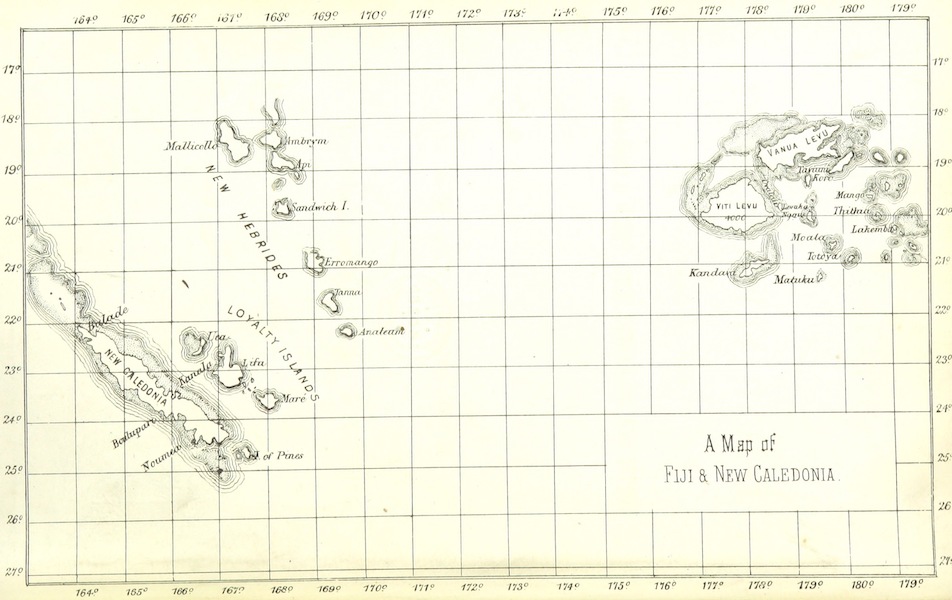 | A Map of Fiji and New Caledonia
|
 | A Map of Guiana
|
 | A Map of Jamaica and Barbados
|
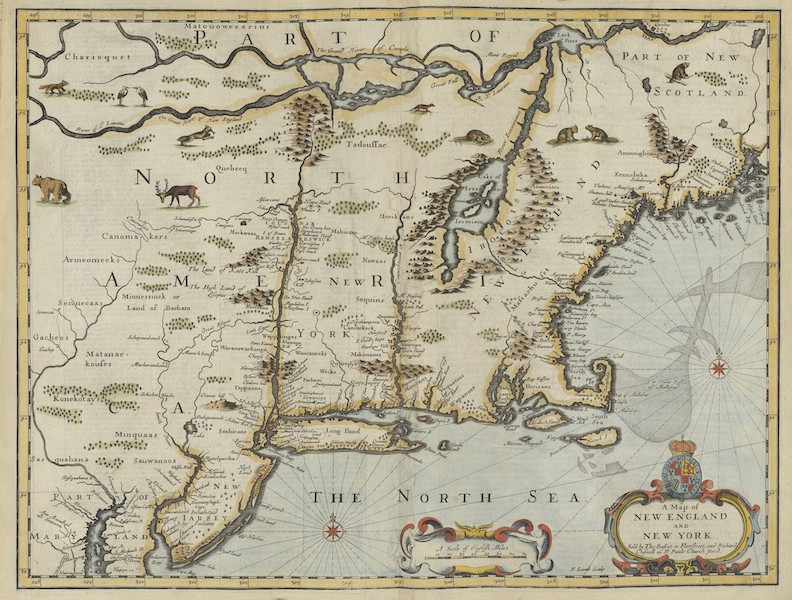 | A Map of New England and New York
|
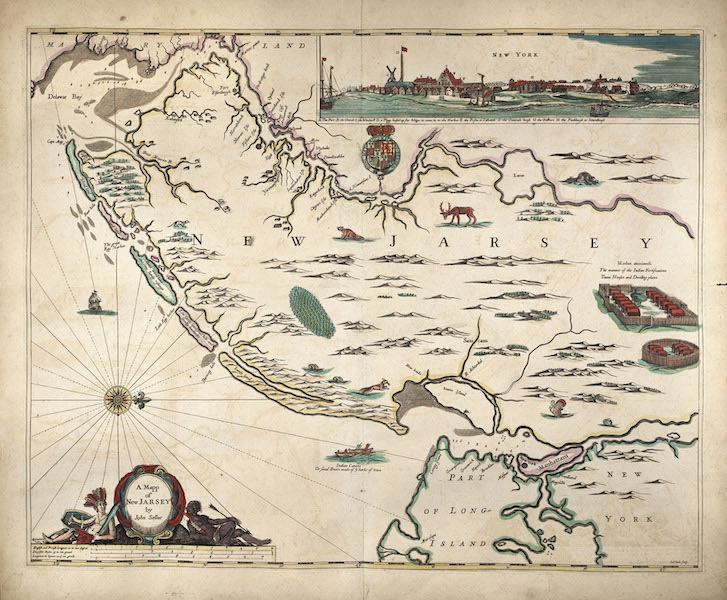 | A Map of New Jarsey
|
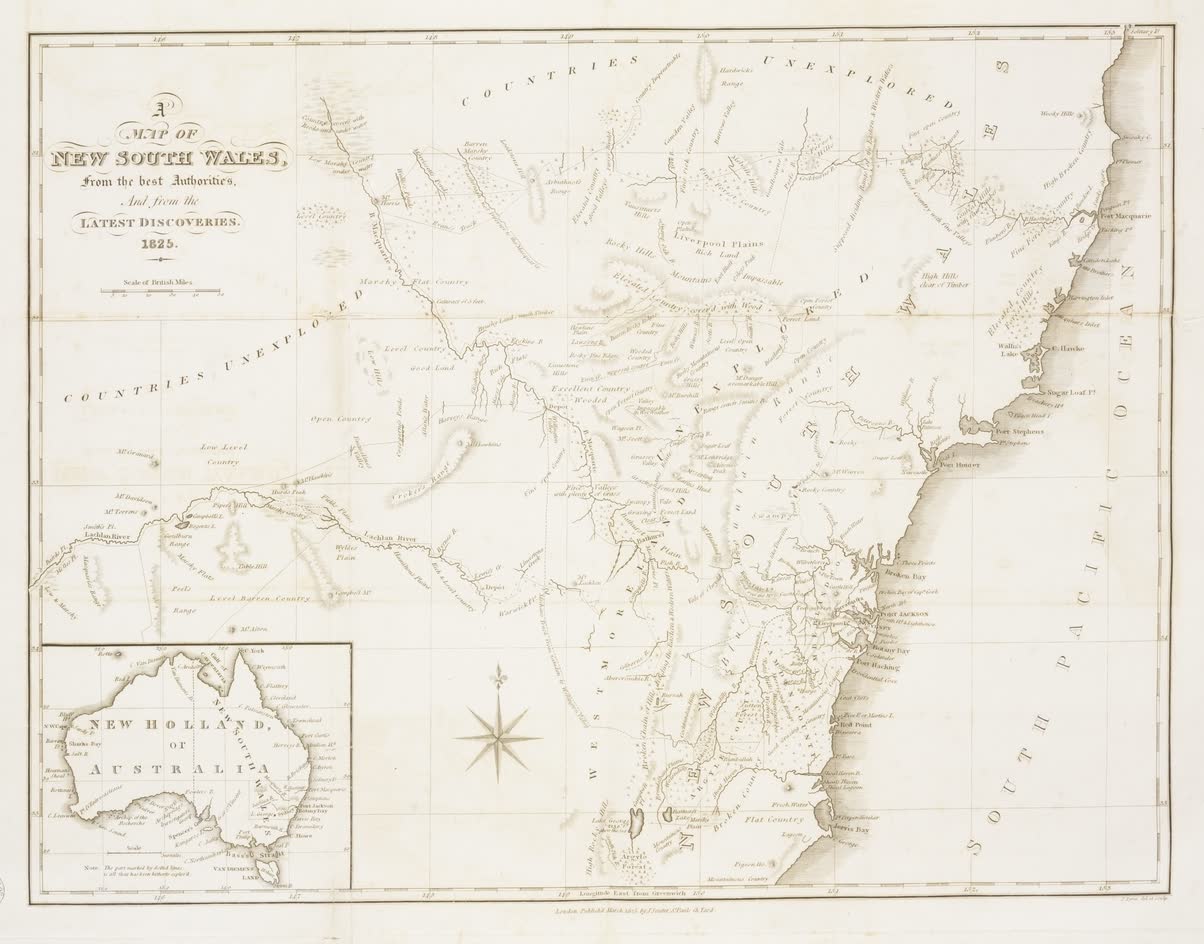 | A Map of New South Wales
|
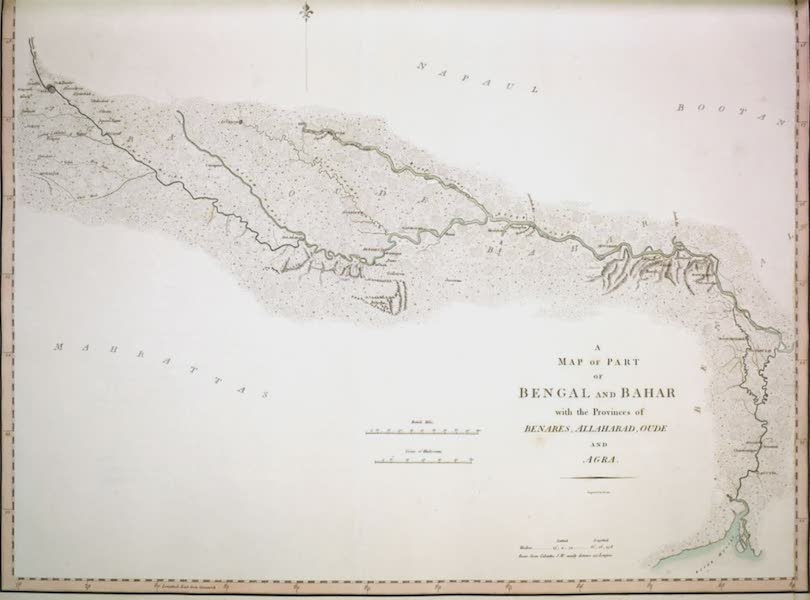 | A Map of Part of Bengal and Bahar, with the provinces of Benares, Allahabad, Oude, and Agra
Engraved map of part of Bengal and Bahar by J.Cary featured in William Hodges 'Select Views in India' published in London in 1793. This map shows the area through which William Hodges travelled in the early 1780s. From east to west we can see Calcutta, Mongheir, Benares, Lucknow and Agra. Hodges had arrived in India in 1780 at the port of Madras. A year later, he travelled by boat to Calcutta with the intention of returning home. Instead, he was able to travel in Northern India sketching landscape views thanks to the patronage of Warren Hastings, the Governor-General of Bengal. |
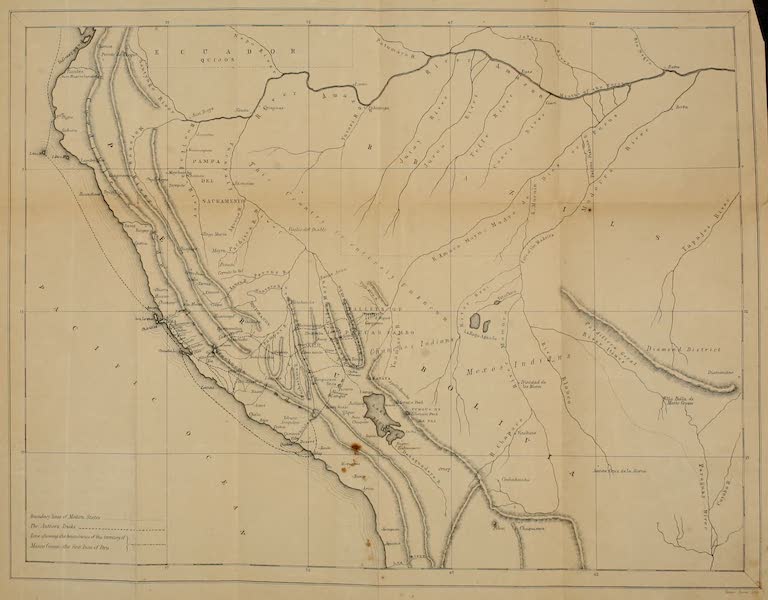 | A Map of Peru
|
 | A Map of Russia
|
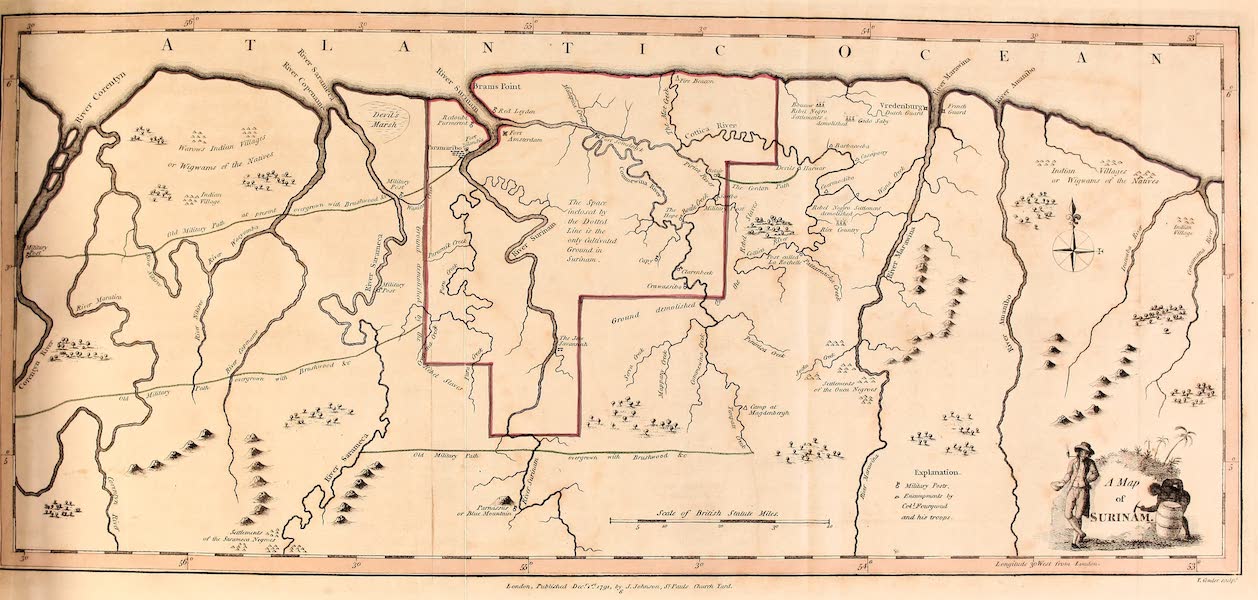 | A Map of Surinam
|
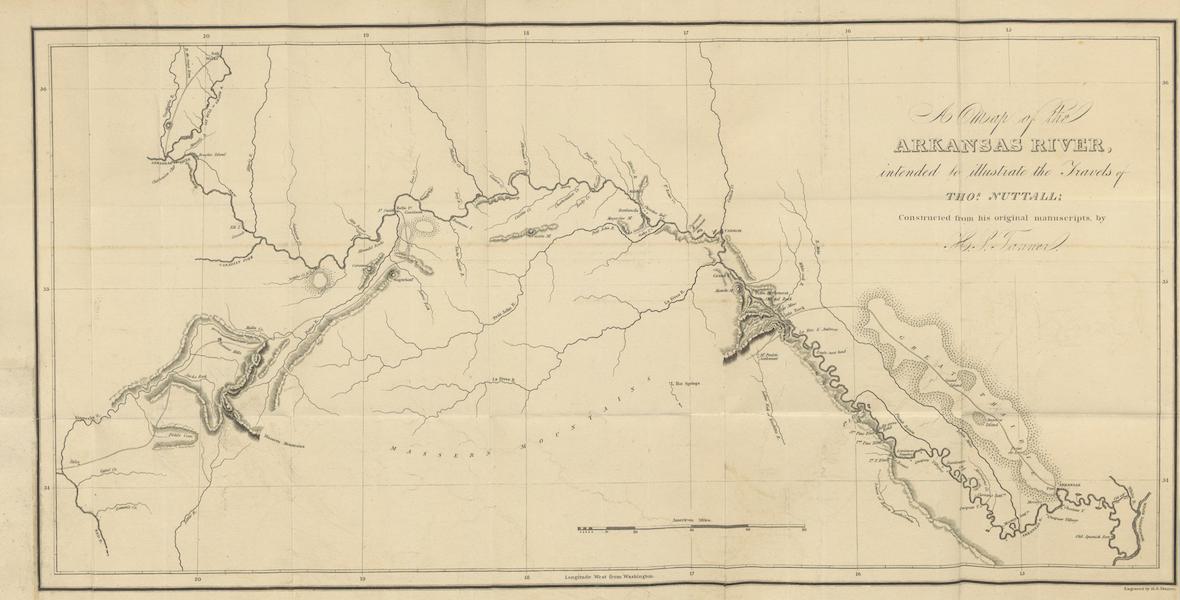 | A Map of the Arkansas River by H.S. Tanner
|
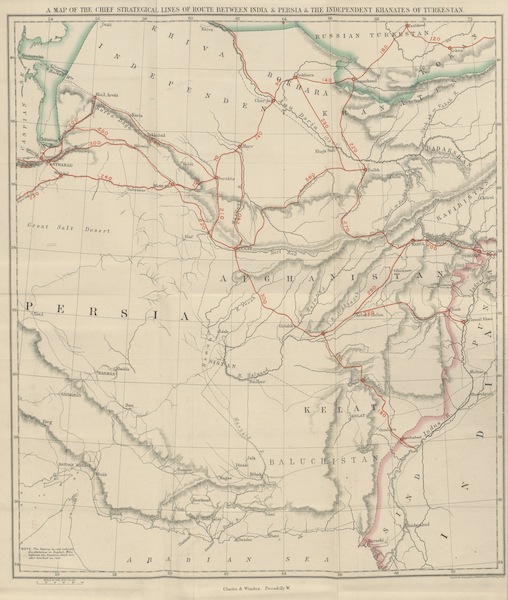 | A Map of the Chief Strategical Lines of Route Between India and Persia and the Independent Khanates of Turkestan
|
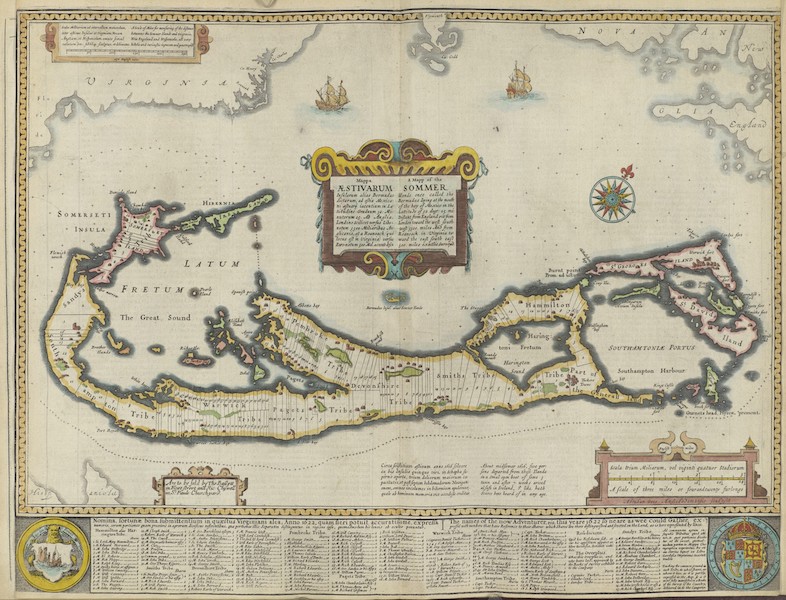 | A Map of the Sommer Ilands
|
 | A Map of Virginia and Maryland
|
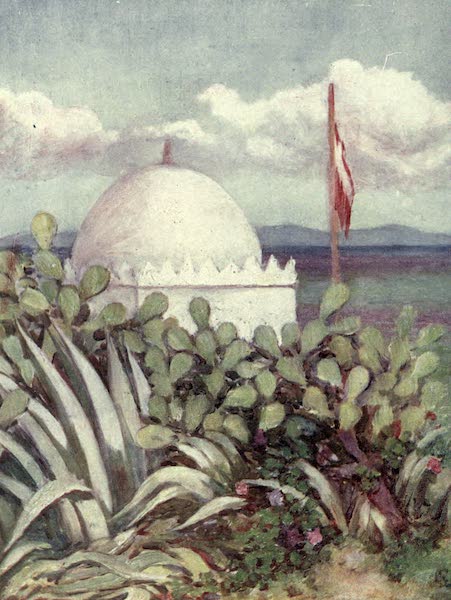 | A Marabout Near Tangiers
|
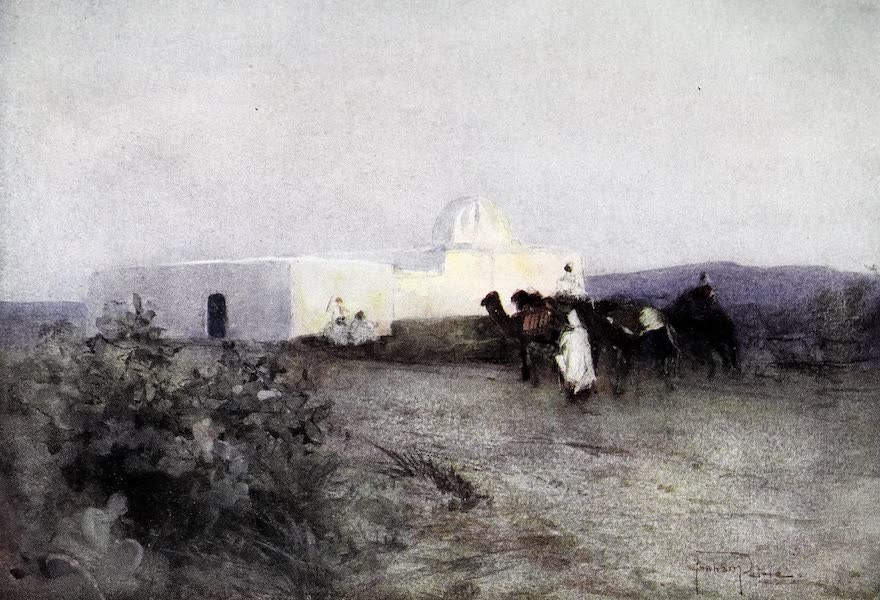 | A Marabout’sTomb, Kairouan
|
 | A Marble Quarry
|
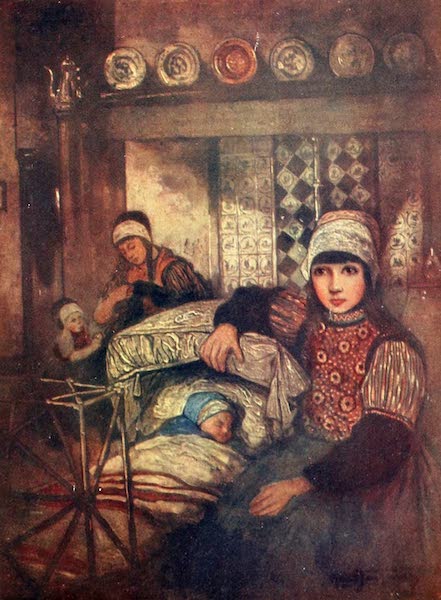 | A Marken Interior
|
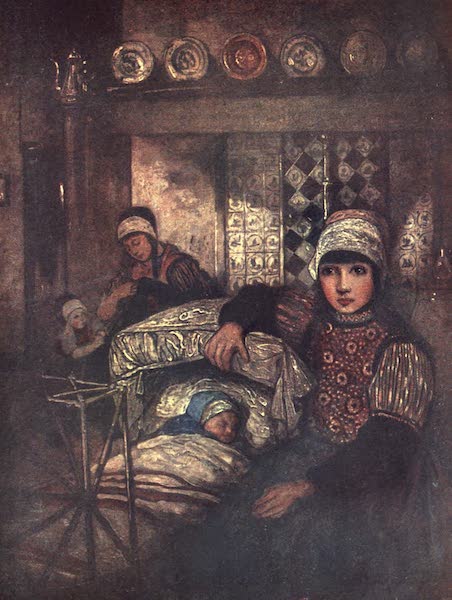 | A Marken Interior
|
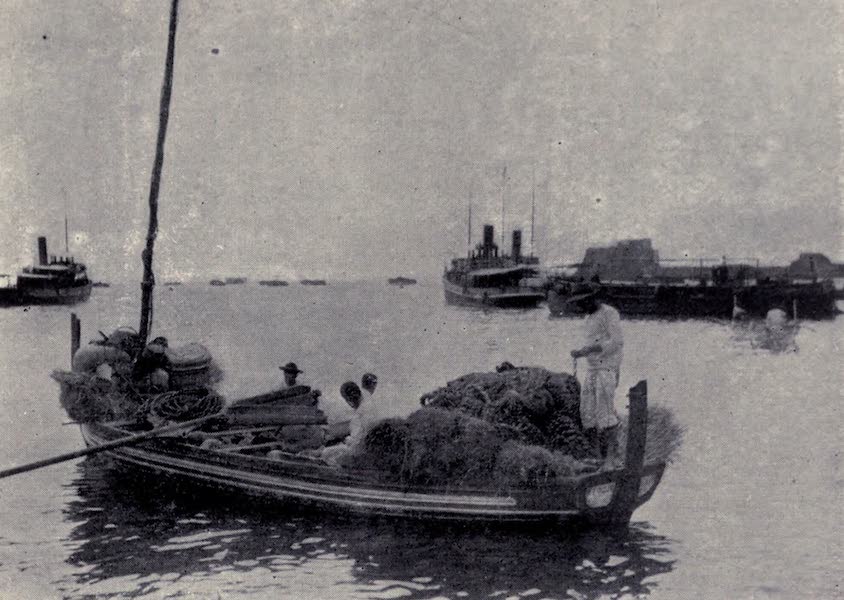 | A Market Boat
|
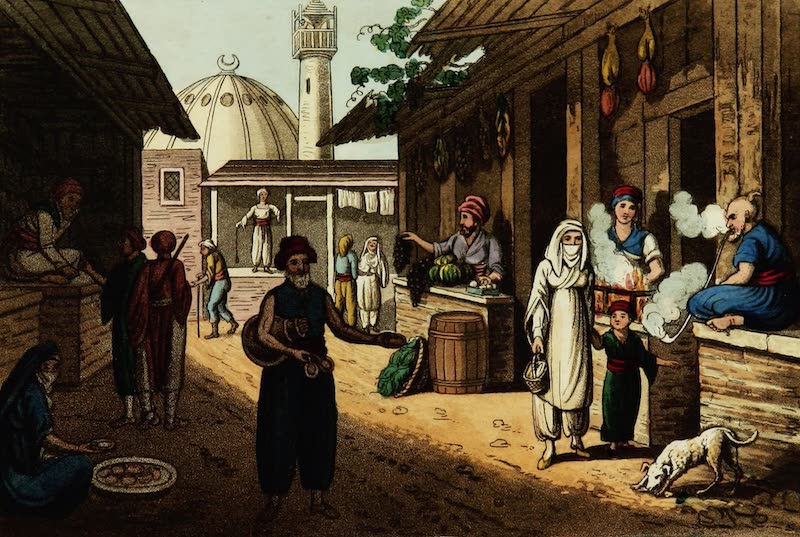 | A Market in Acre
|
 | A Market on the Edge of the Desert
|
 | A Market Stall
|
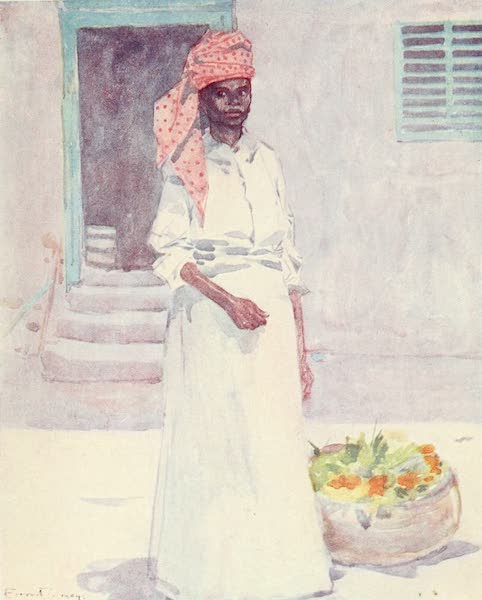 | A Market Woman, Jamaica
|
 | A Maronite Monk & Pilgrims
|
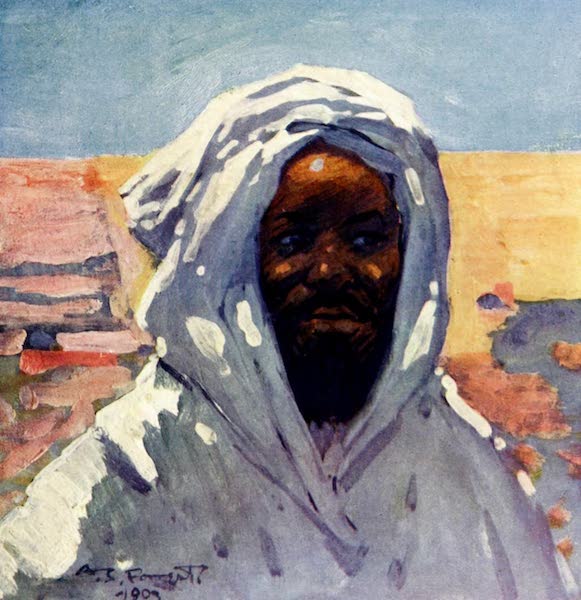 | A Marrakshi
|
 | A Marriage Procession
|
 | A Married Oman of Waldai
|
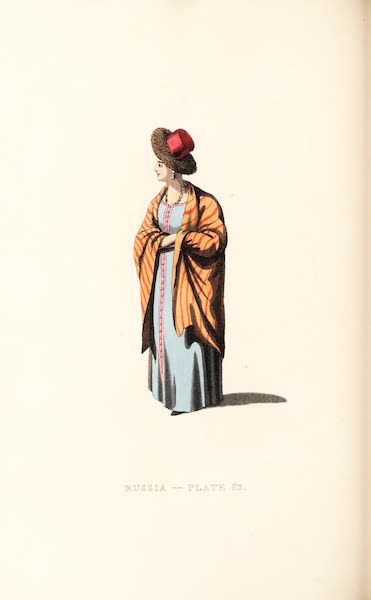 | A Married Woman of Waldai
|
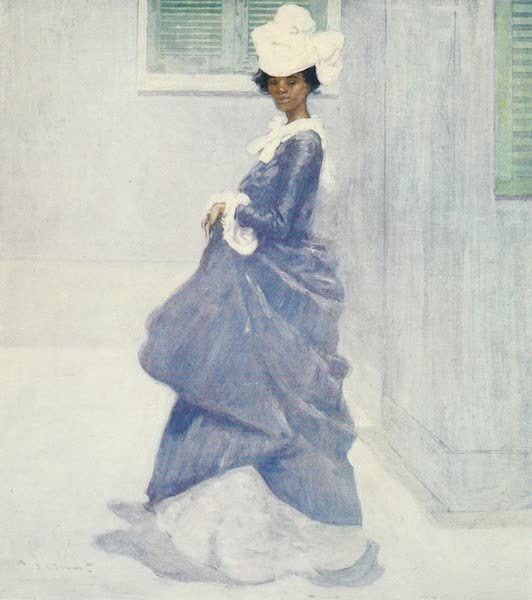 | A Martinique Lady
|
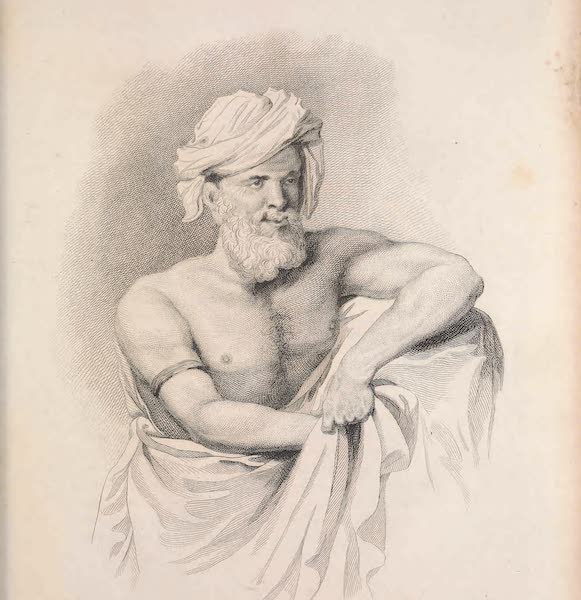 | A Massowah Pilot
|
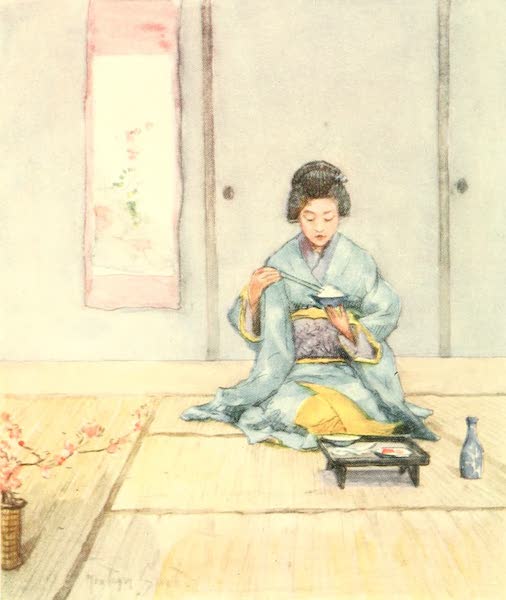 | A Meal simply and daintily served
|
 | A Meat Shop in Peshawur
|
 | A Meena of Jajurh
|
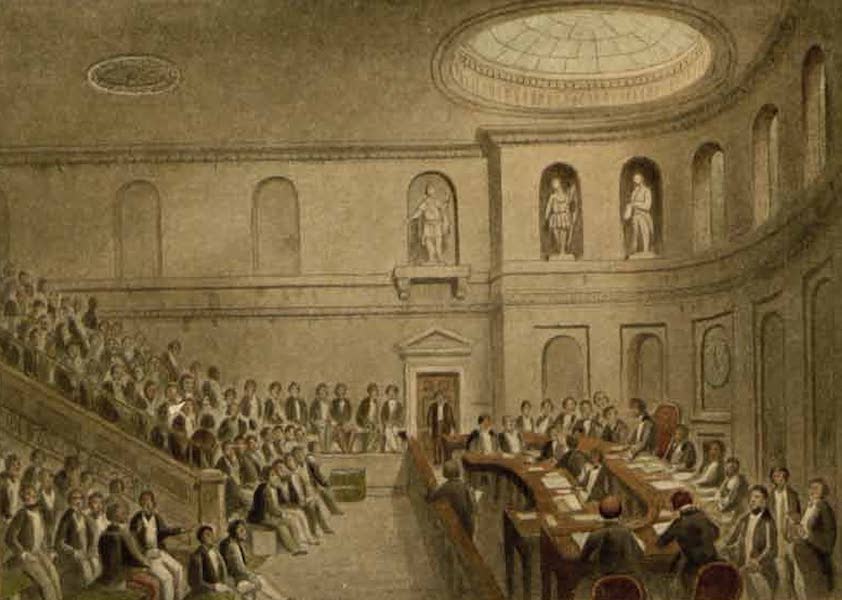 | A Meeting of the Court of Proprietors
|
 | A Melee
|
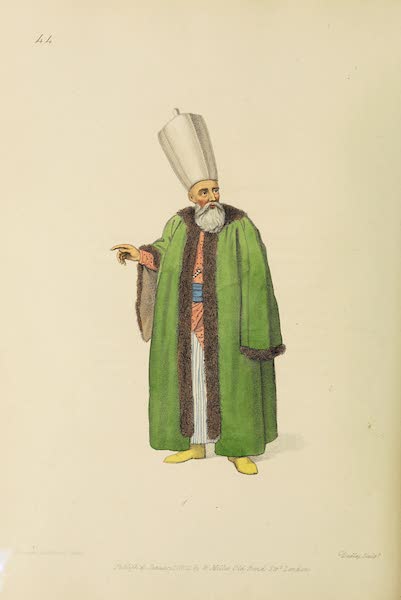 | A Member of the Divan
|
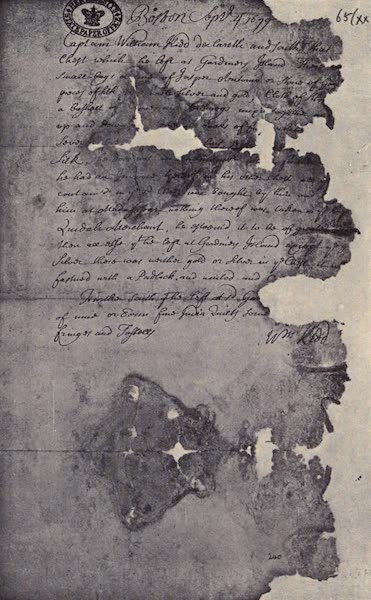 | A memorandum of Captain Kidd's treasure left on Gardiner's Island
|
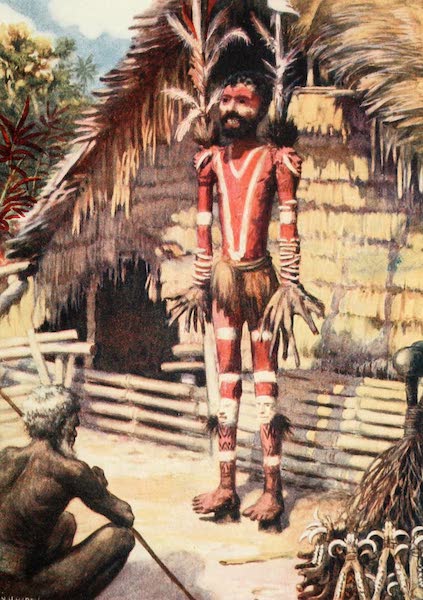 | A Memorial Effigy, Malekula, New Hebrides
|
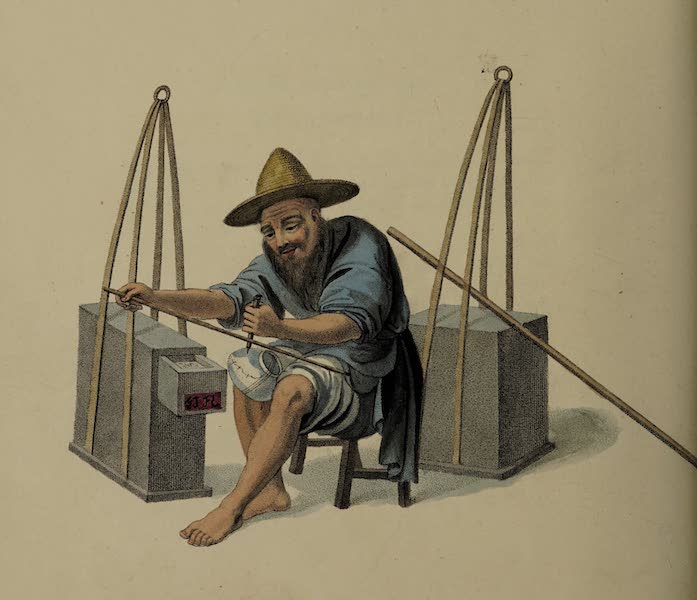 | A Mender of Porcelain
|
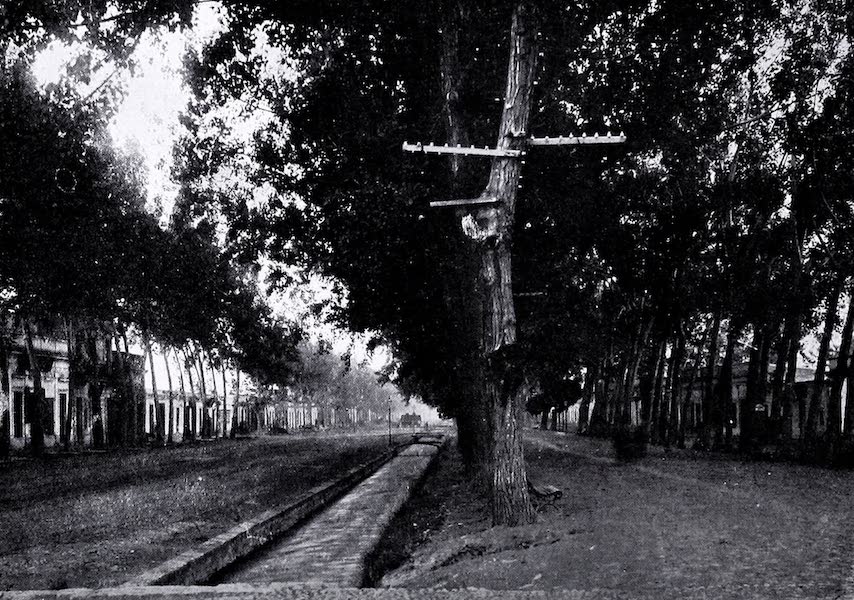 | A Mendoza Street
|
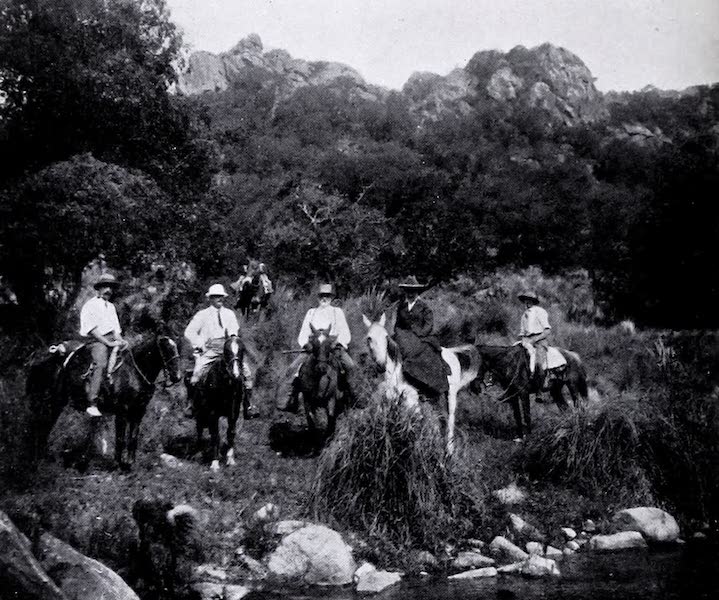 | A Mendoza Street
|
 | A Merchant of Kalouga
|
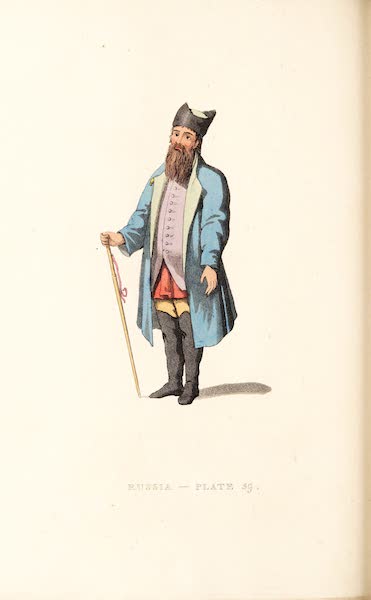 | A Merchant of Kalouga
|
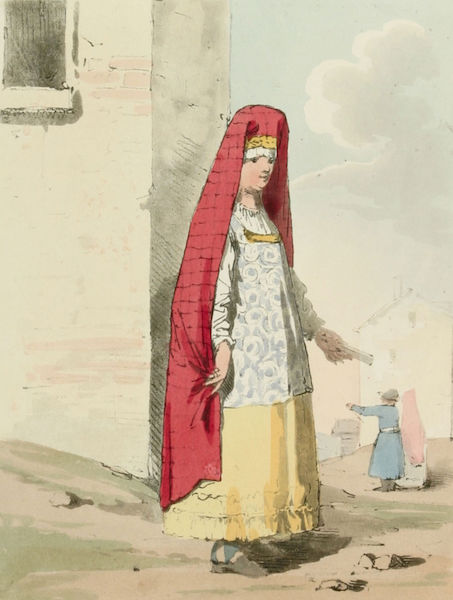 | A Merchant's Wife
|
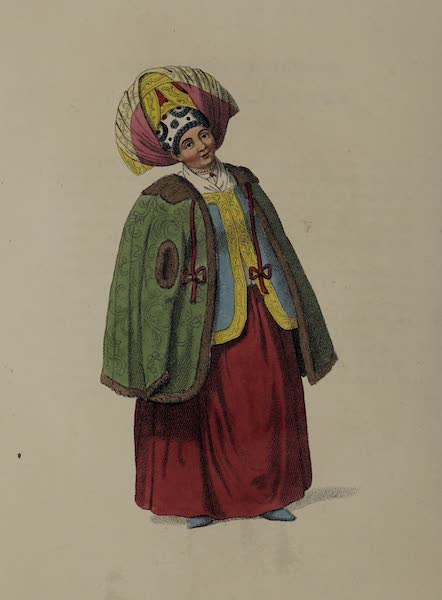 | A Merchant's Wife of Kalouga, in her Winter Dress
|
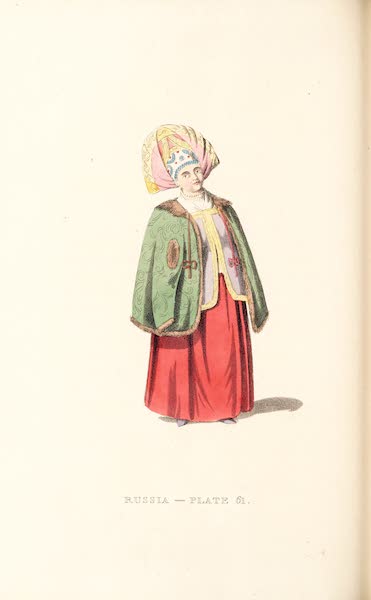 | A Merchant's Wife of Kalouga, in her Winter dress
|
 | A Merchant, Grand Bazaar, Damascus
|
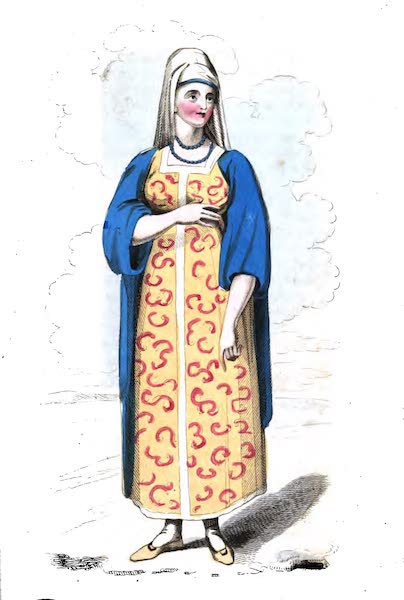 | A Merchants Wife
|
 | A Mestizo of Quito professing a Liberal Art accompanied by his Pupil
|
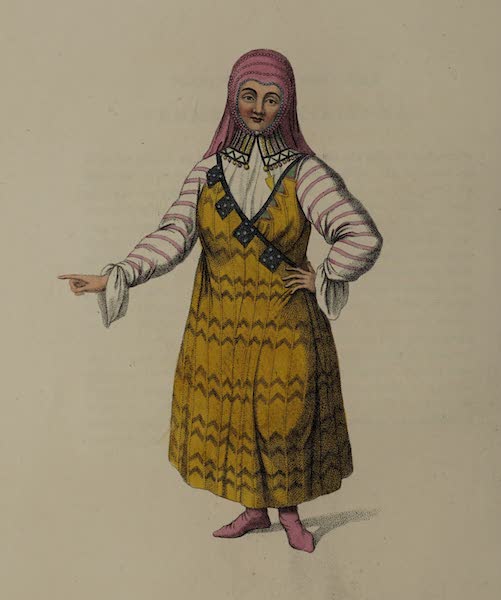 | A Mestscherakian Woman
|
 | A Mestscherakian Woman
|
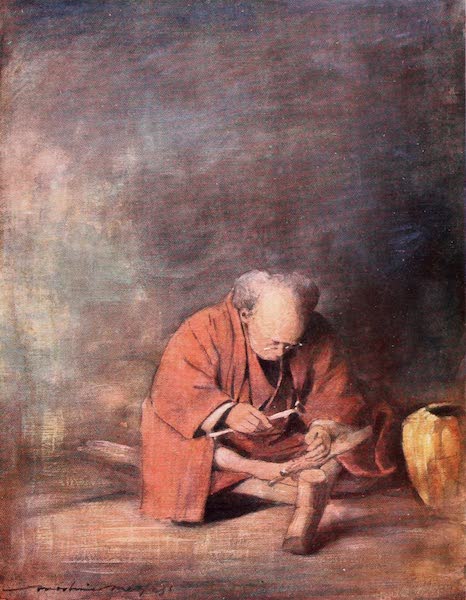 | A Metal-worker
|
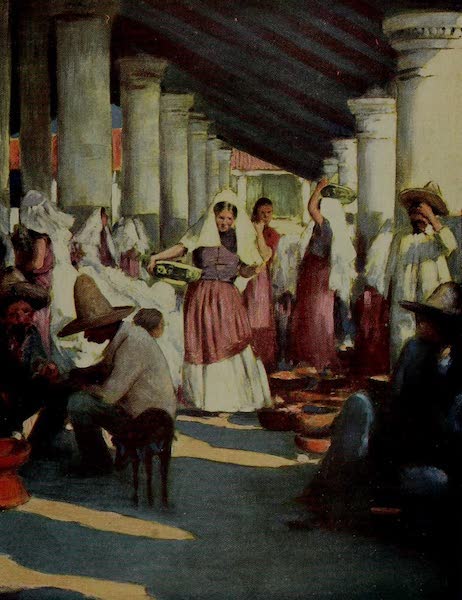 | A Mexican Village
|
 | A Miami Chief
|
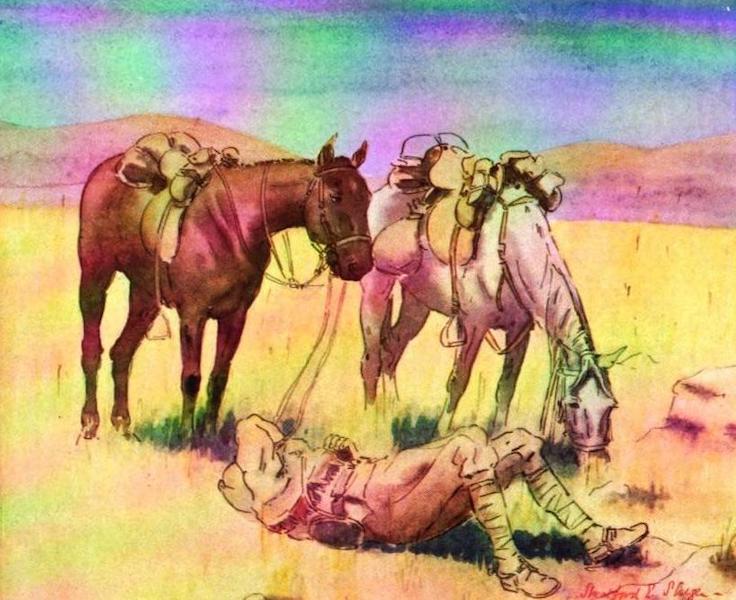 | A Mid-day Rest
|
 | A Middle-Class Funeral
|
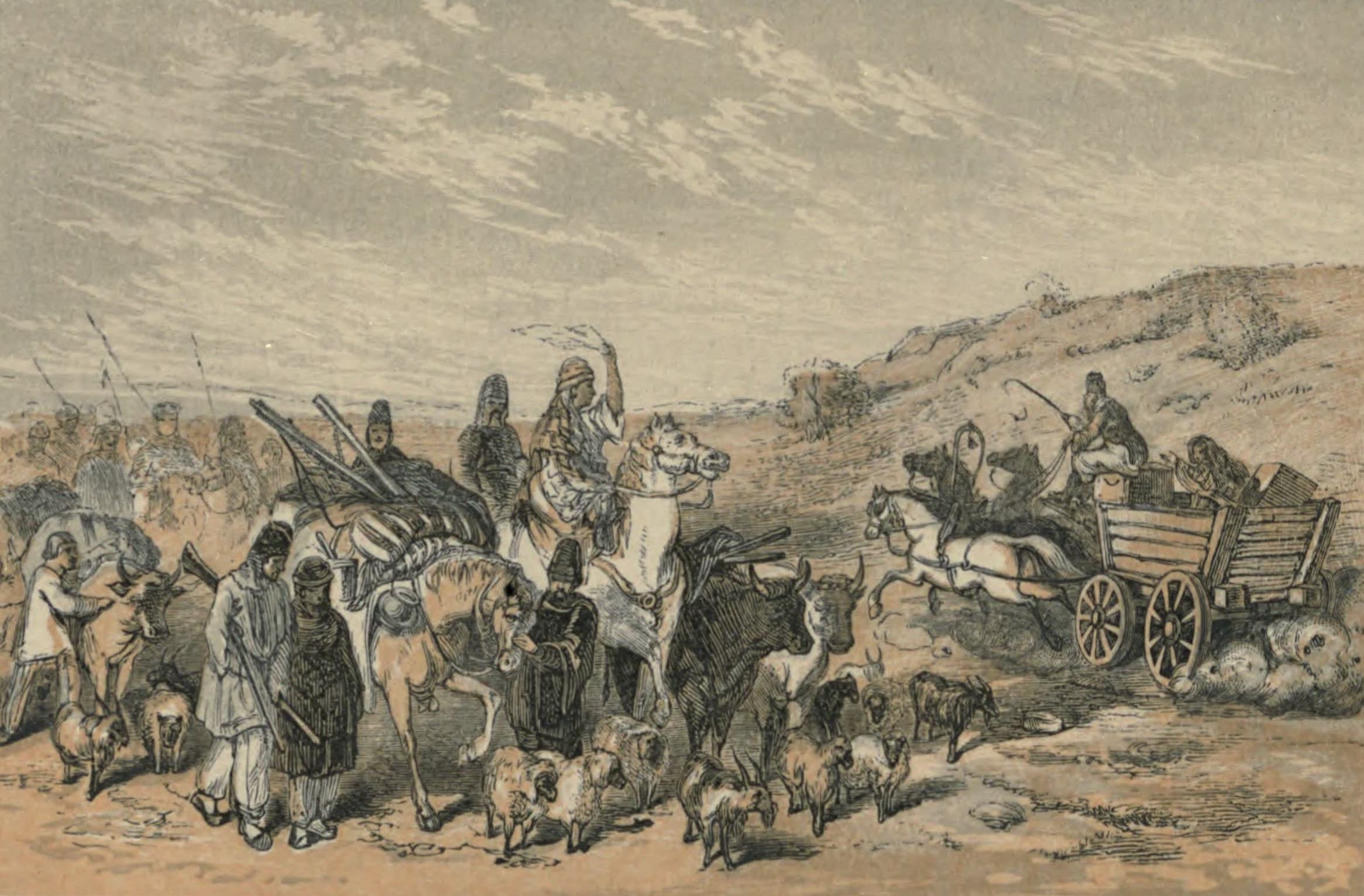 | A Migrating Horde of Tartars
|
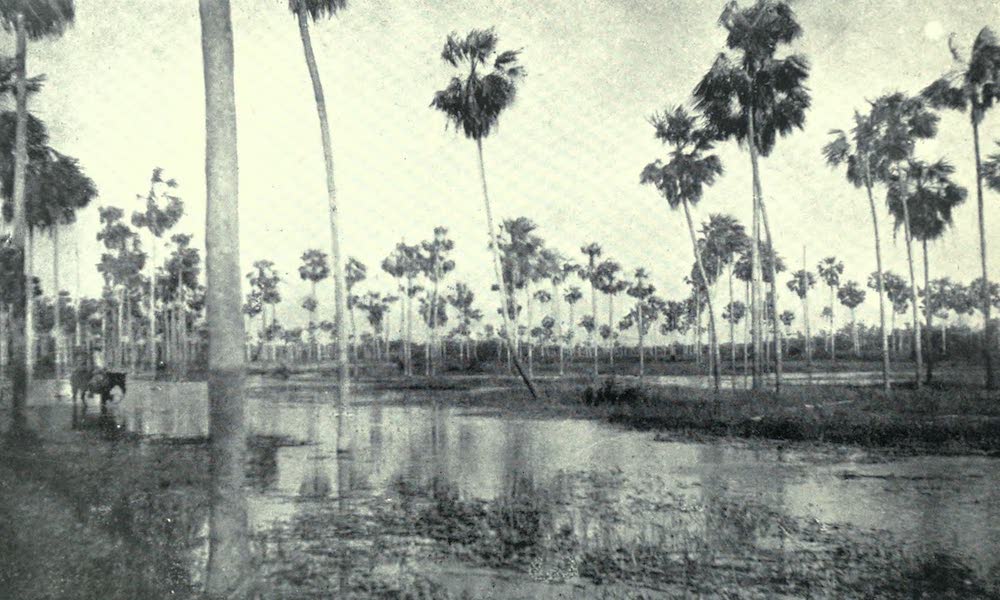 | A Mild Chaco Flooding
|
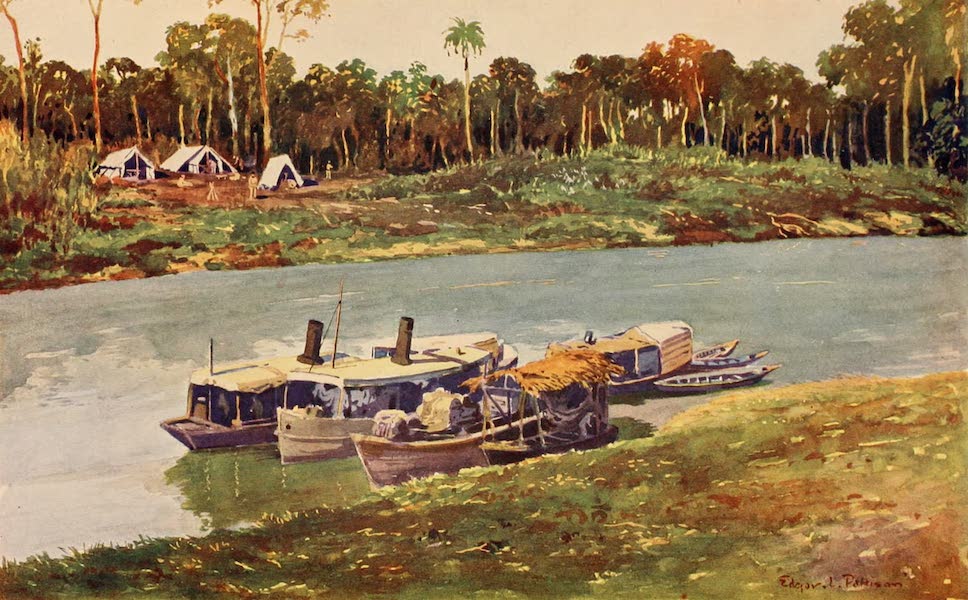 | A Military Encampment on the Upper Amazon
|
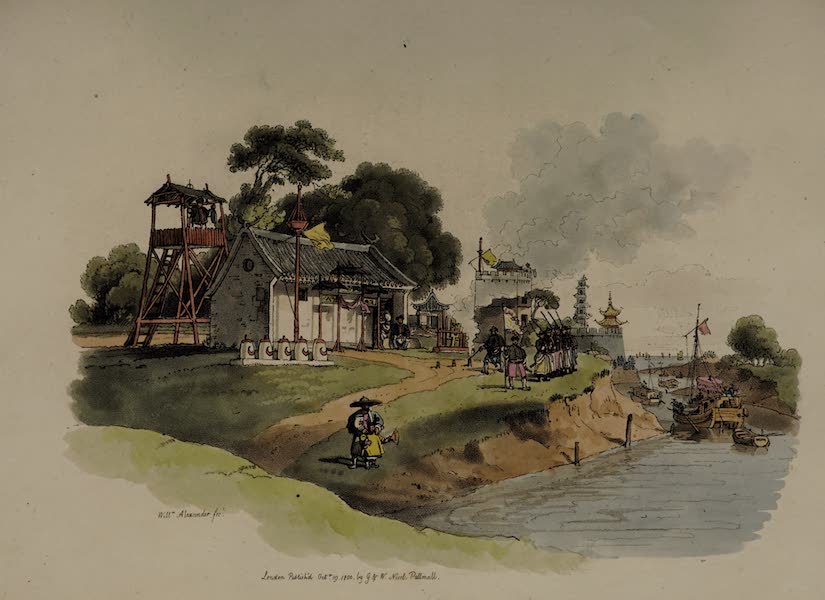 | A Military Station
|
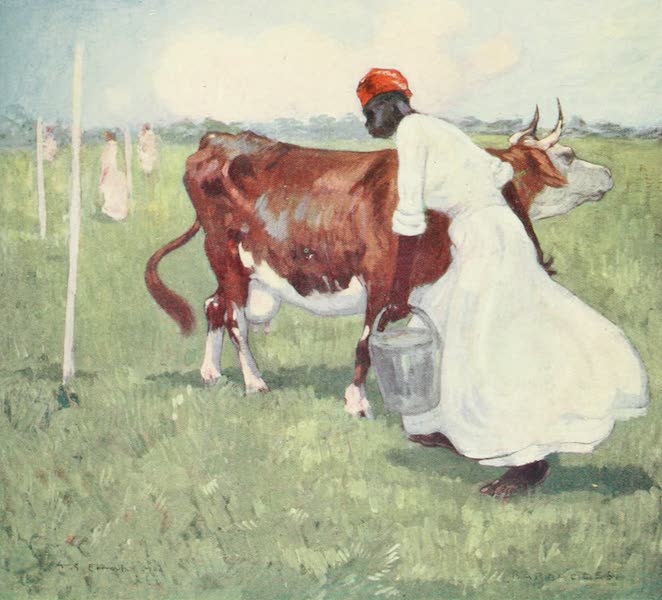 | A Milkmaid, Barbadoes
|
 | A Mill near Vazsecz
|
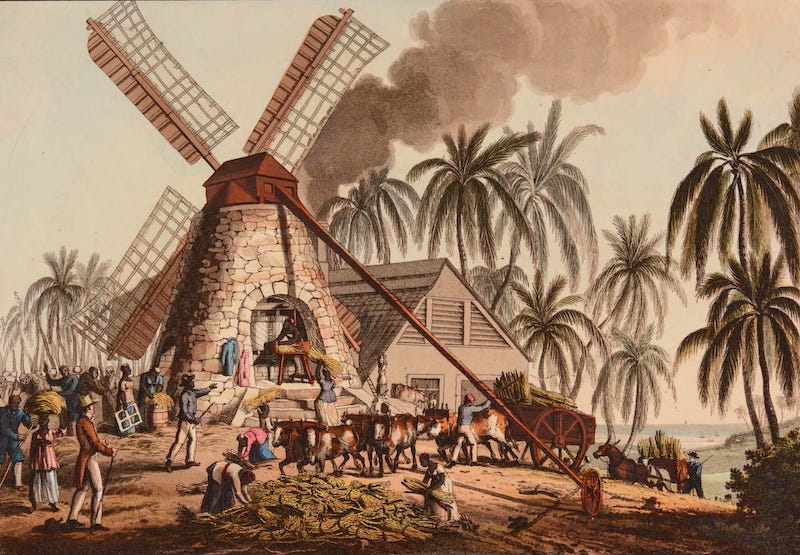 | A Mill Yard, on Gamble's Estate, Antigua
This print depicts sugar cane being delivered to a windmill on an Antiguan plantation in the early 19th century. This particular plantation was owned by the Gambles family and was situated near the town of St John's. Mills on sugar plantations could be powered by water or wind but mills driven by animals were the most common. The freshly cut cane would be fed between heavy rollers by 2 slaves working opposite each other. This process extracted the juice which was then piped to a nearby boiling house. It was a dangerous job as the slaves could be dragged between the rollers and crushed to death. The plantation owner and his overseer can be seen on the left side of the picture. |
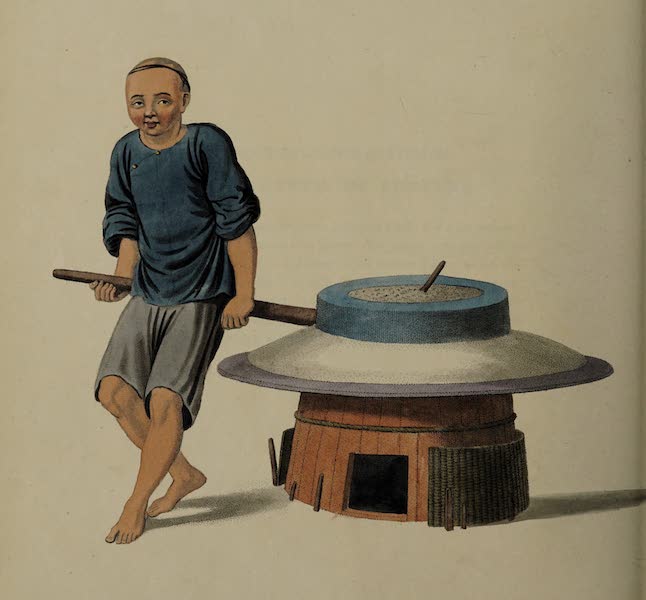 | A Miller
|
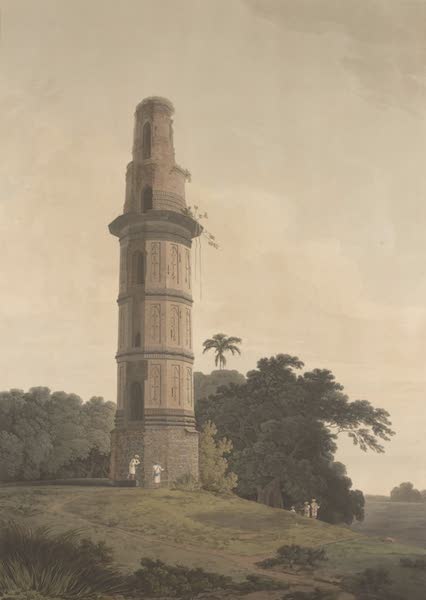 | A Minar at Gour
Plate 23 from the fifth set of Thomas and William Daniell's 'Oriental Scenery' called 'Antiquities of India.' This minaret which was built in 1487 - 90 by Saifuddin Firuz at Gaur, is built of brick and granite and decorated with terracotta panels. Gaur was the capital of Bengal first under Hindu kings and then under Muslim rulers but was abandoned after an outbreak of plague in 1575 following the Mughal conquest of Bengal. |
 | A Minaret in the N.W. Corner of the Temple Area
|
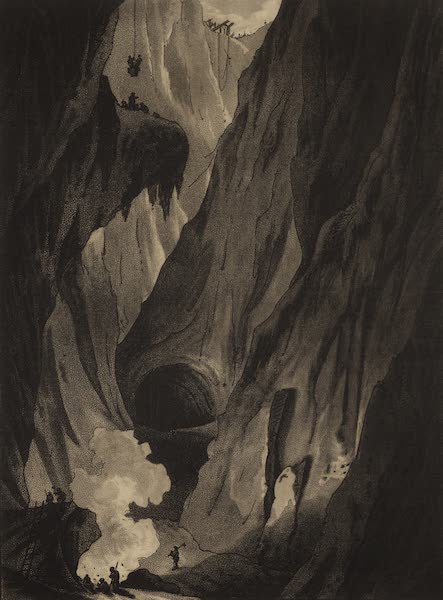 | A Mine
|
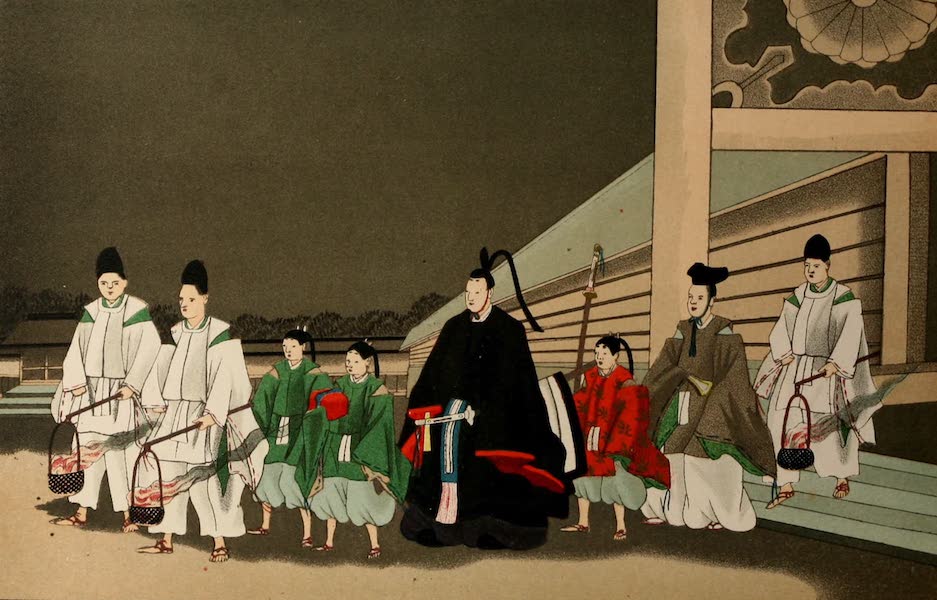 | A Minister of the Mikado on a Religious Expedition
|
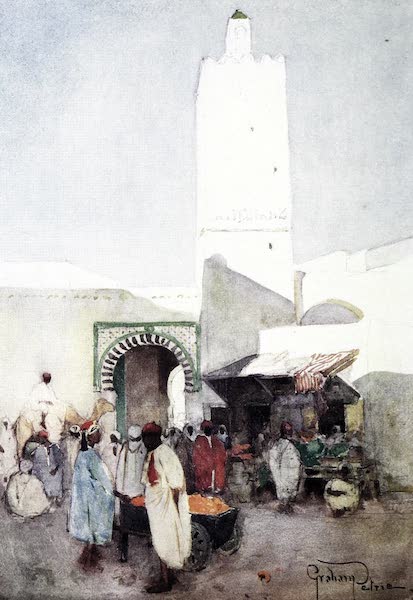 | A Minor Mosque, Kairouan
|
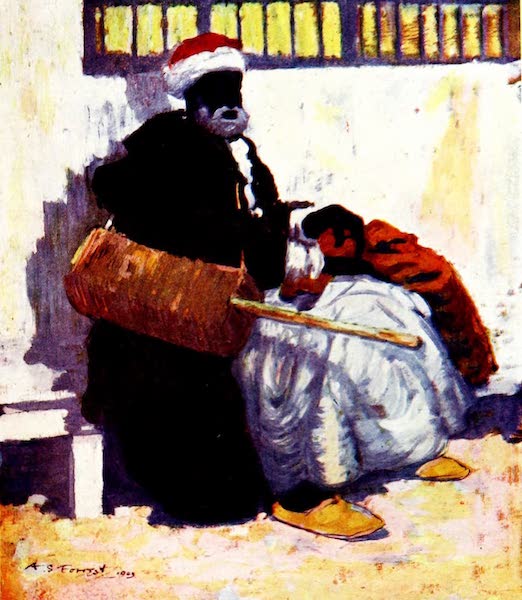 | A Minstrel
|
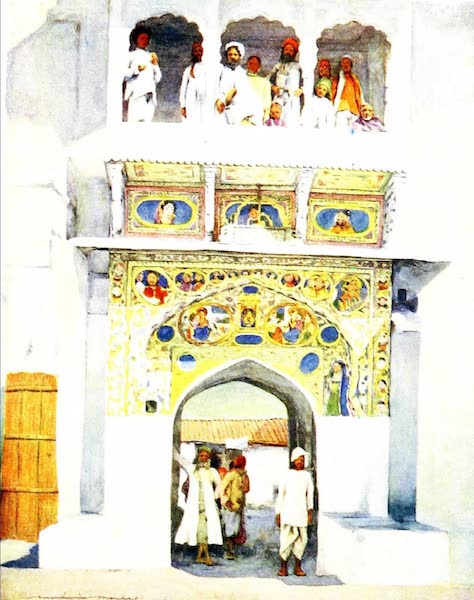 | A Minstrels' Balcony
|
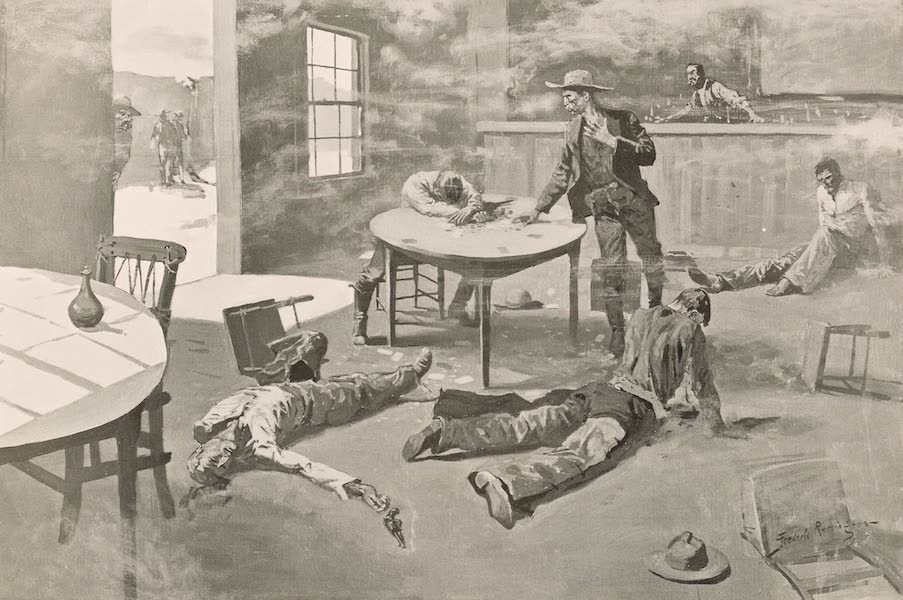 | A Misdeal
|
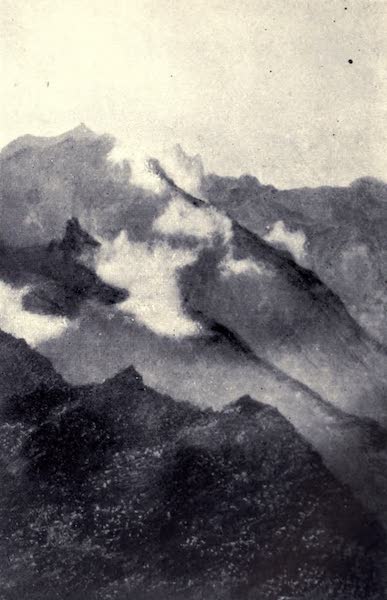 | A Mist in the Mountains
|
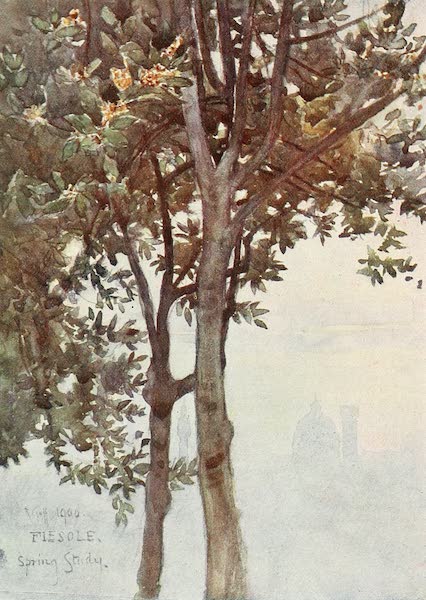 | A Misty Effect of the Towers of Florence
|
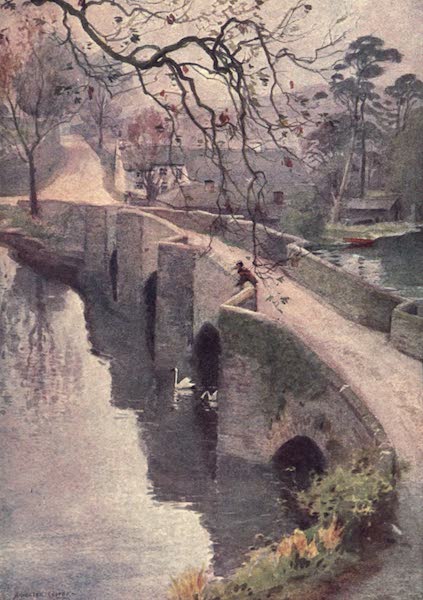 | A Misty Morning, Newby Bridge, Windermere
|
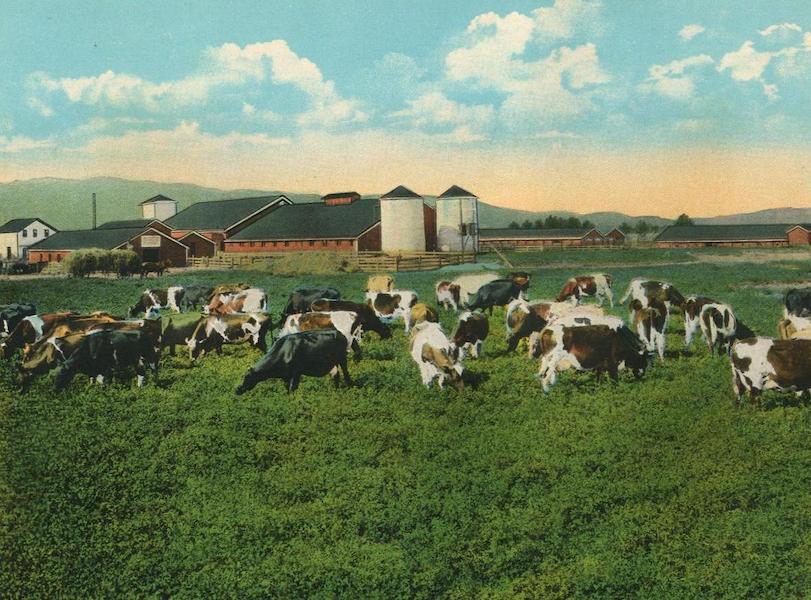 | A Model Dairy at Dixon, Cal.
|
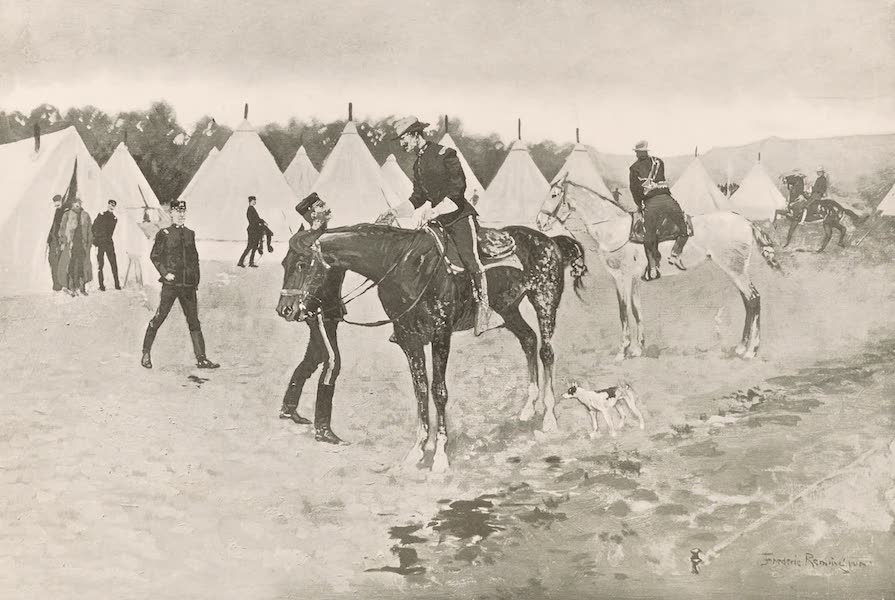 | A Modern Cavalry Camp
|
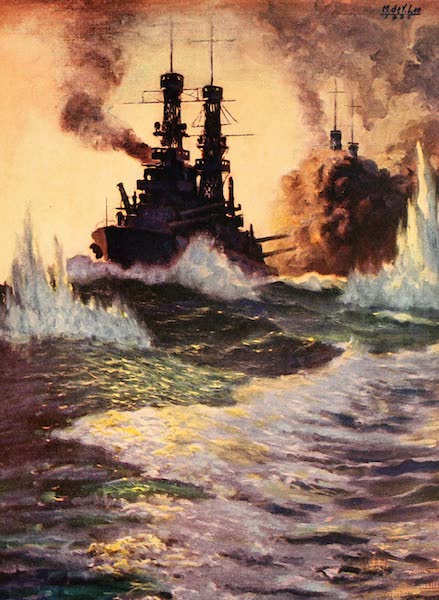 | A Modern Dreadnaught in Action
|
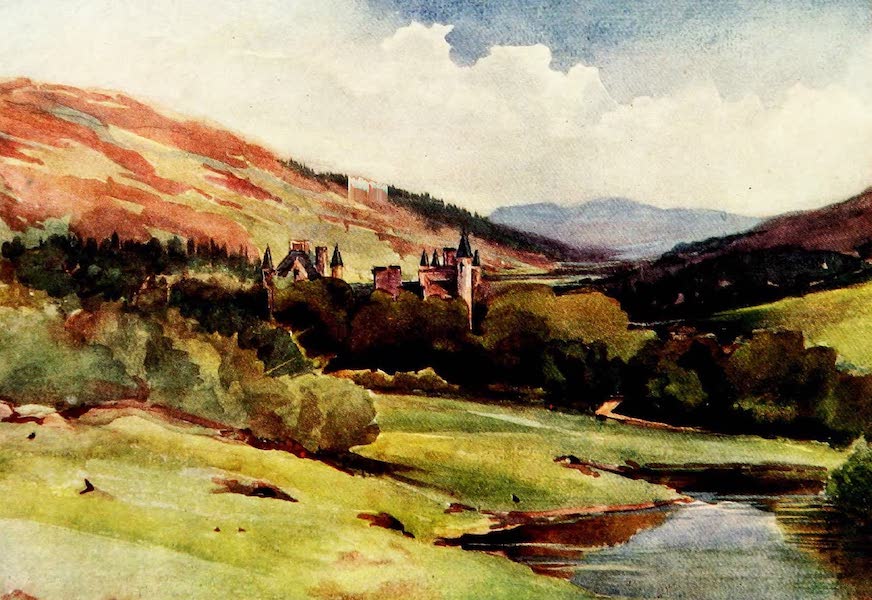 | A Modern Lodge, Perthshire
|
 | A Modern Russo-Greek Church, and Plan of the Same
|
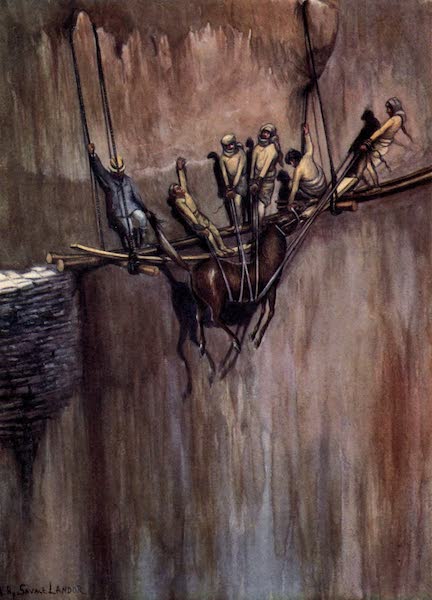 | A Moment of Suspense
|
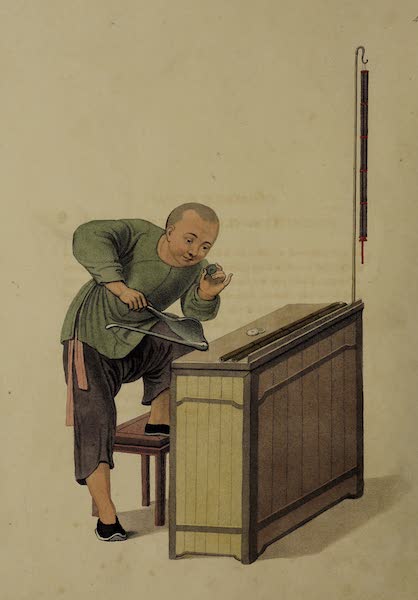 | A Money-changer
|
 | A Mongloe Schaman
|
 | A Mongole Priest, or Lama
|
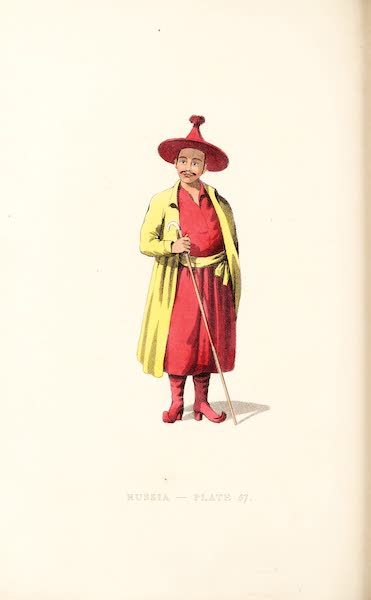 | A Mongole Priest, or Lama
|
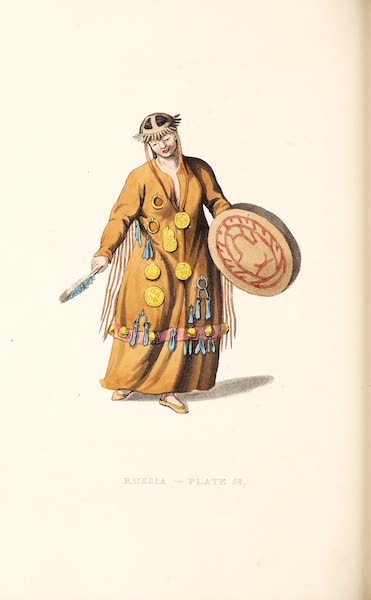 | A Mongole Schaman
|
 | A Mongole Woman
|
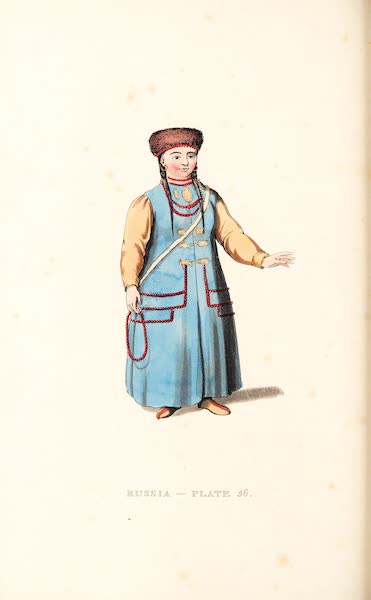 | A Mongole Woman
|
 | A Montagnais Squaw
|
 | A Moollah, or Persian Priest
|
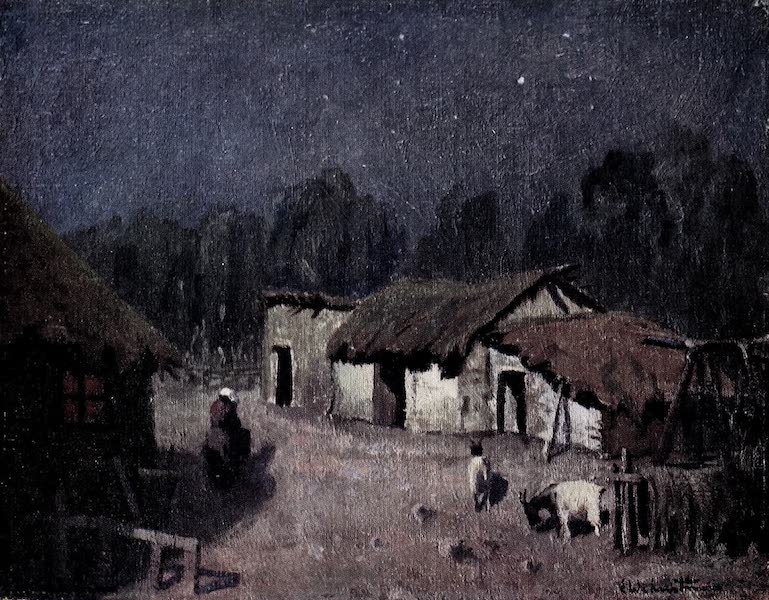 | A Moonlight Night in Central Argentina
|
 | A Moonlight Night in Central Argentina
|
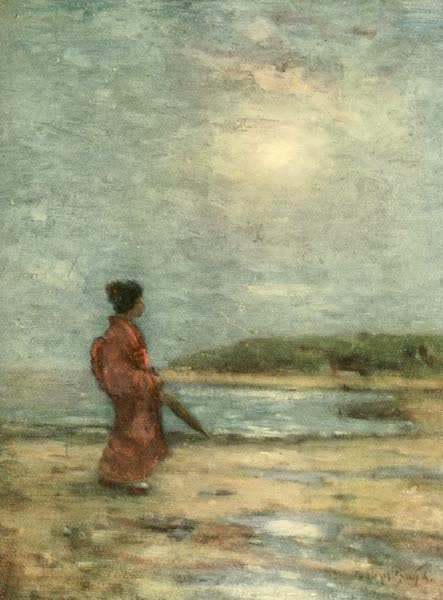 | A Moonlight Scene, the simple and decorative beauty of which type of subject has appealed to succeeding generations of Japanese artists
|
 | A Moor
|
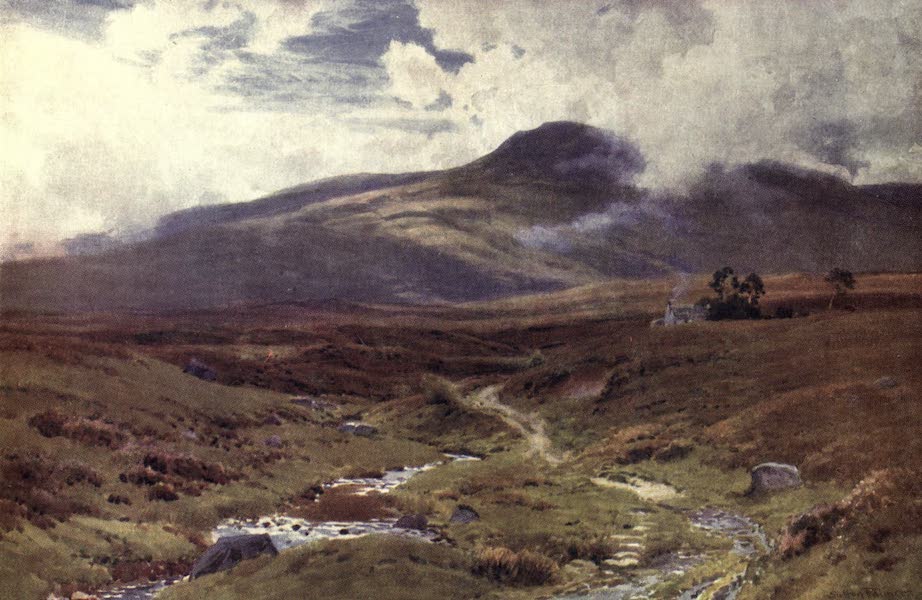 | A Moor near Killin, Perthshire
|
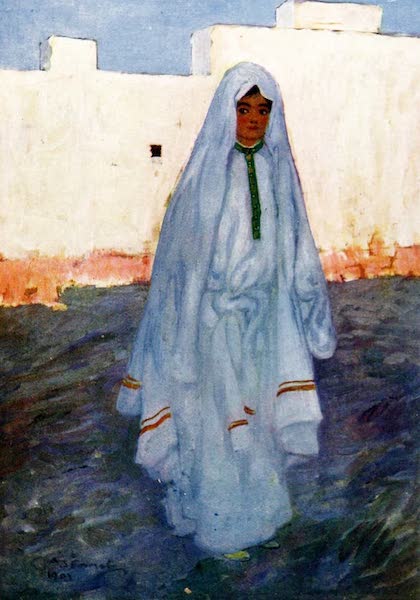 | A Moorish Girl
|
 | A Moorish Mosque at Bangalore
Plate nineteen in 'Picturesque Scenery in the Kingdom of Mysore' by James Hunter. This aquatint is based on a picture by Hunter, and contrary to its assigned title, it represents a Hindu temple. The Gangadhareshvara Temple at Bangalore was also the subject of an aquatint by Thomas and William Daniell in the fifth series of their Oriental Scenery series. |
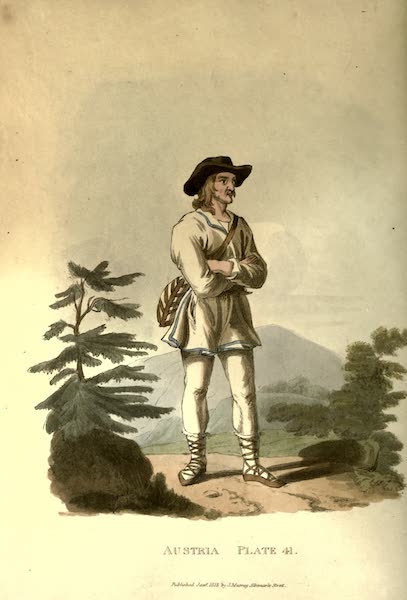 | A Moravian Mountaineer, near the Confines of Hungary
|
 | A Moravian Mountaineer, near the confines of Hungary
|
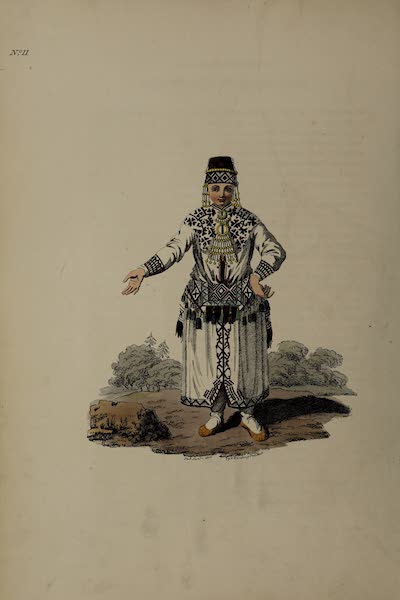 | A Mordvin Woman of the Erzianian Tribe
|
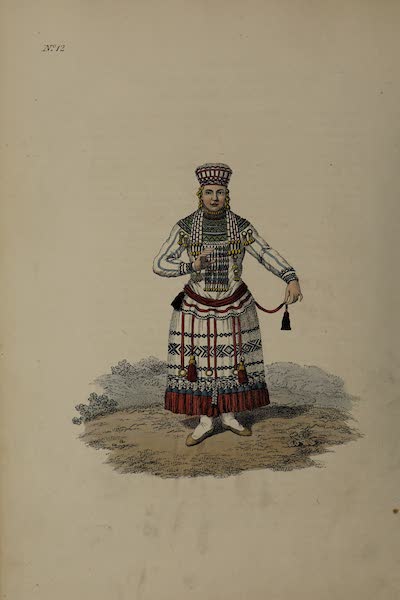 | A Mordvin Woman of the Mokchanian Tribe
|
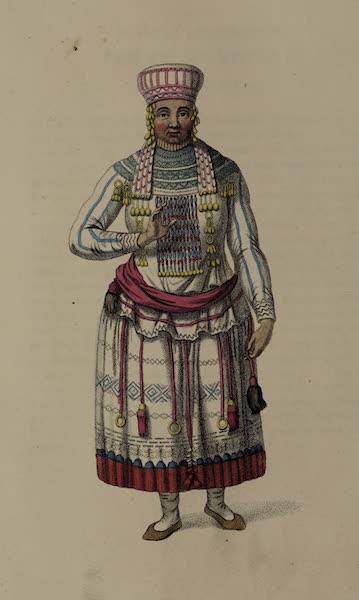 | A Mordvine of the Mokshan Tribe
|
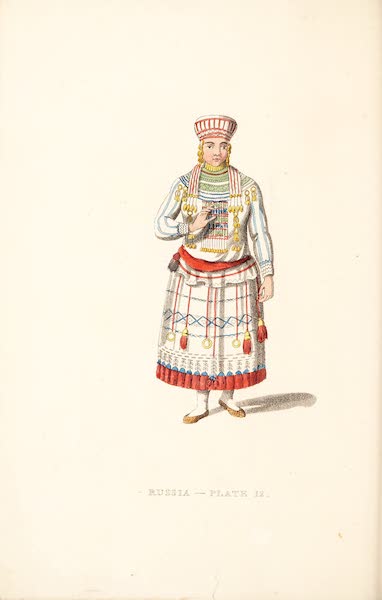 | A Mordvine of the Mokshan Tribe
|
 | A Mortuary Tower, Palmyra
|
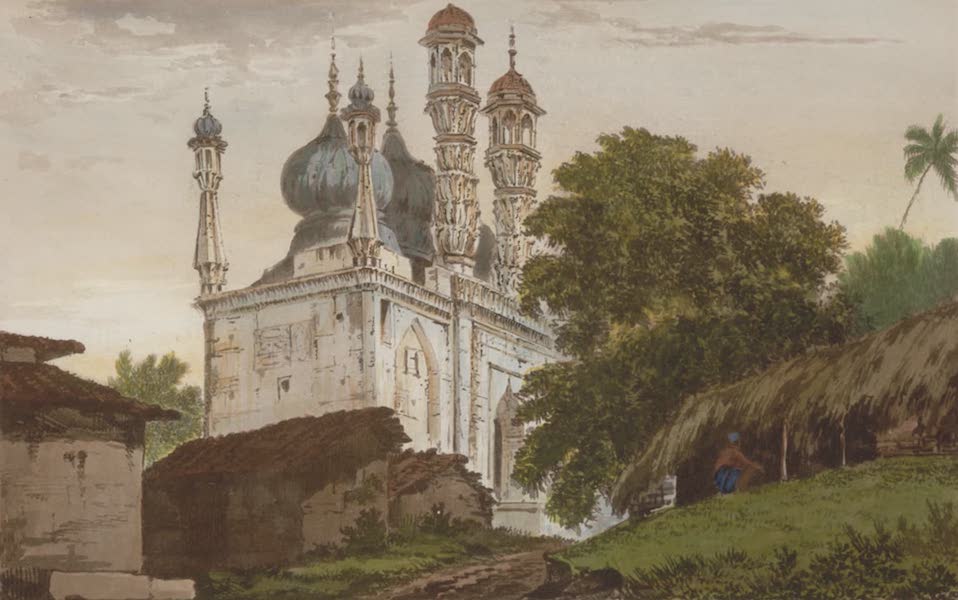 | A Mosque at Gazipoor
This is plate 31 of William Hodges' 'Select Views in India'. Ghazipur was the location of the East India Company's opium factories. Hodges went there in 1781 to draw the city's mosque and its ruined palace on the banks of the Ganges. Hodges described the mosque: "It has great singularity, and I believe will hardly be considered by men of taste in Europe in any other light. The minarets are curious in their forms, particularly as we see the Corinthian capital lengthened and formed into the shaft of a column, and decorated with the same leaves. The swelling dome is certainly not a beauty; and however variety may be aimed at, verisimilitude never should be departed from." |
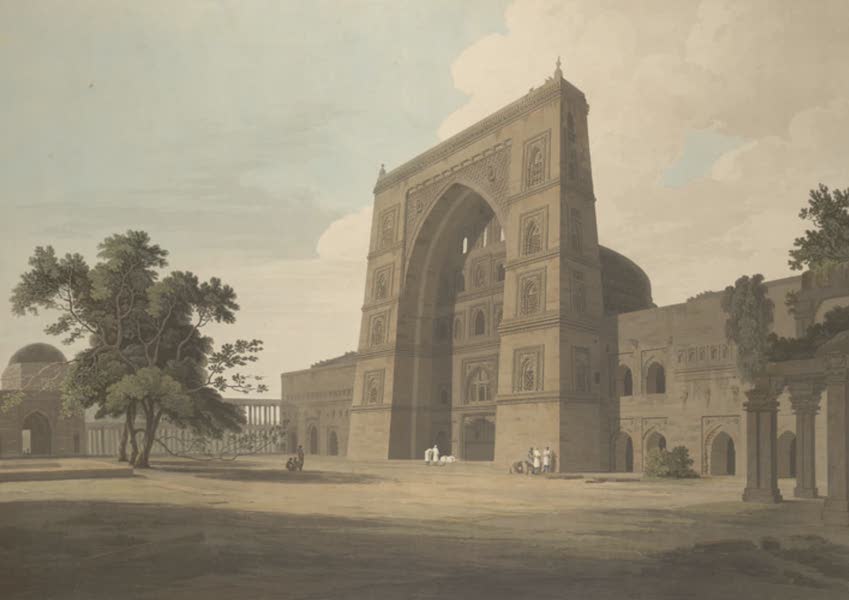 | A Mosque at Juanpore
Plate 9 from the third set of Thomas and William Daniell's 'Oriental Scenery.' Jaunpur in eastern India north-west of Varanasi became the capital of an independent Muslim kingdom upon the break-up of the Delhi Sultanate after Timur's invasion of 1398. The Jami‘ Masjid of Jaunpur was built largely in the reign of Sultan Husain Sharqi (1458-79), the last of the independent dynasty. It suffered at the hands of Sultan Sikandar Lodi of Delhi when he captured Jaunpur in 1476, when some its enclosing arcades and gateways were demolished. Jaunpur was also the centre of a very distinctive style of Indo-Islamic architecture. The Jami' Mosque has some of the distinctive features of the style, as seen in the uniting of iwan and minars by a massive arched portal leading into the domed prayer hall into a massive battered arched portal. |
 | A Mosque At Seringapatam
Plate four from 'Picturesque Scenery in the Kingdom of Mysore' by James Hunter (d.1792). This aquatint is based on a picture by Hunter depicting a mosque at Srirangapattnam, Karnataka. This ancient fortress city (known by the British as Seringapatam) was the capital of the Muslim Rajas of Mysore, Haidar Ali (c.1722 - 1782) and his eldest son, Tipu Sultan (1753 -1799). It was located on an island in the Kaveri River approximately 9 miles from the city of Mysore and 75 miles from Bangalore. The name is derived from the ancient Hindu temple of Sri Ranganatha Swami which is located at the western end of the island. The city became the site of two of the most famous sieges of the Anglo-Mysore Wars, in 1792 and 1799. |
 | A Mosque at Struppermador
Plate twenty three in 'Picturesque Scenery in the Kingdom of Mysore' by James Hunter. This aquatint is based on a picture by Hunter depicting a mosque at Sriperumbudur, Tamil Nadu. This place is best known as the birthplace of the Vaishnava philpsopher, Ramanuja. |
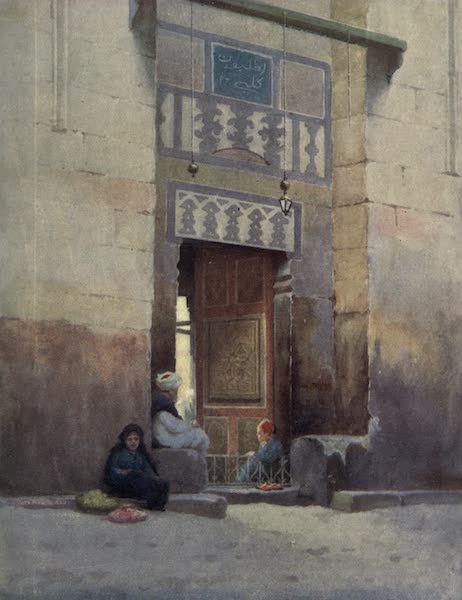 | A Mosque Door, Cairo
|
 | A Mosque with an antique fragment in Old Alexandria near the Gate of Rosetta
|
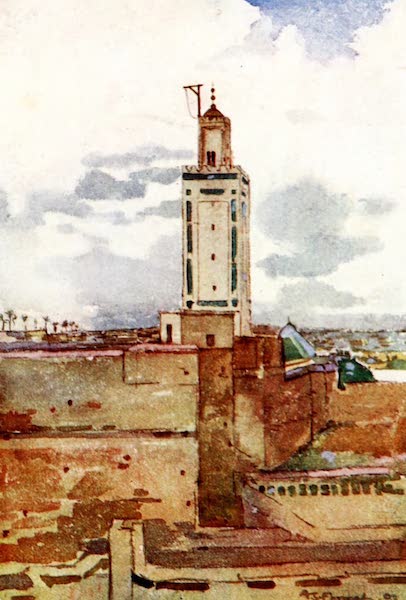 | A Mosque, Marrakesh
|
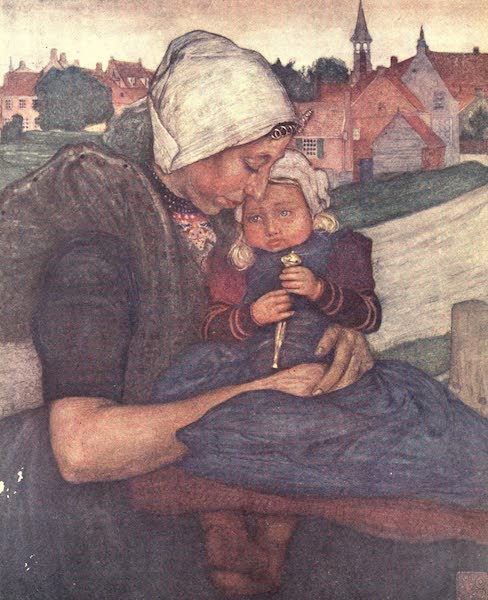 | A Mother and Child of Axel
|
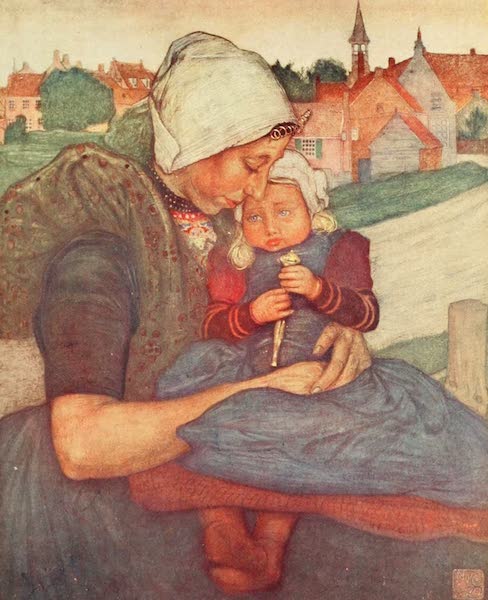 | A Mother and Child of Axel
|
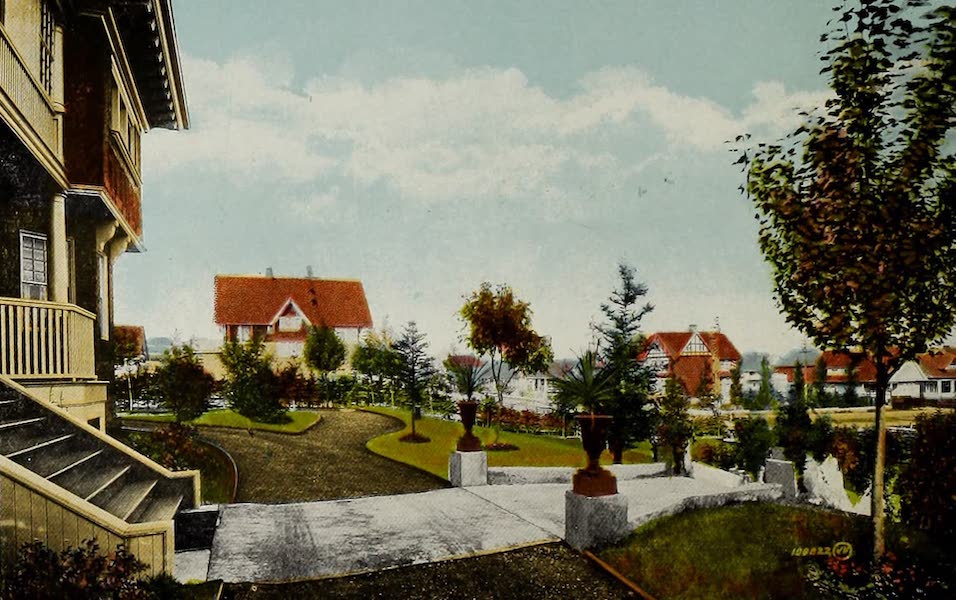 | A Mount Royal Garden
|
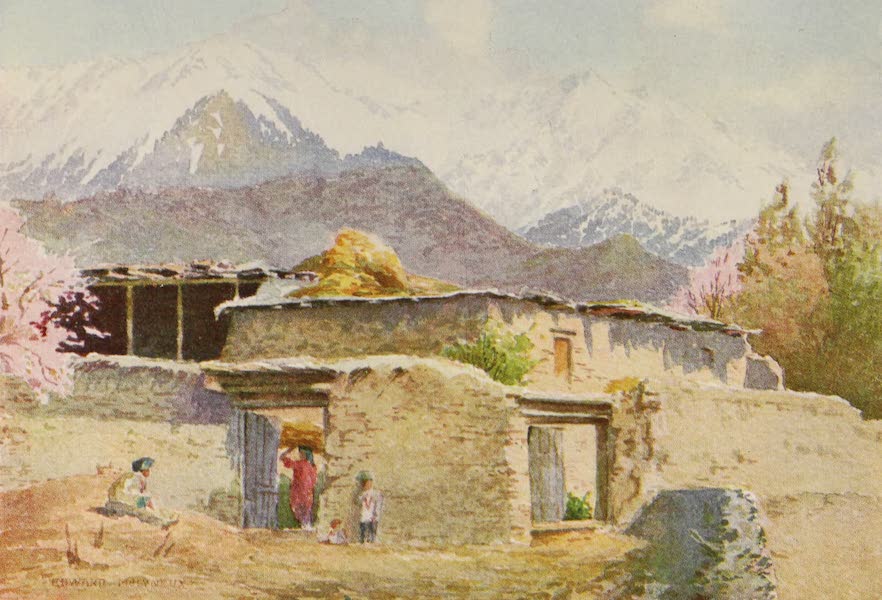 | A Mountain Farm-House
|
 | A Mountain Glen, before the Melting of the Snows
|
 | A Mountain Lion Hunting
|
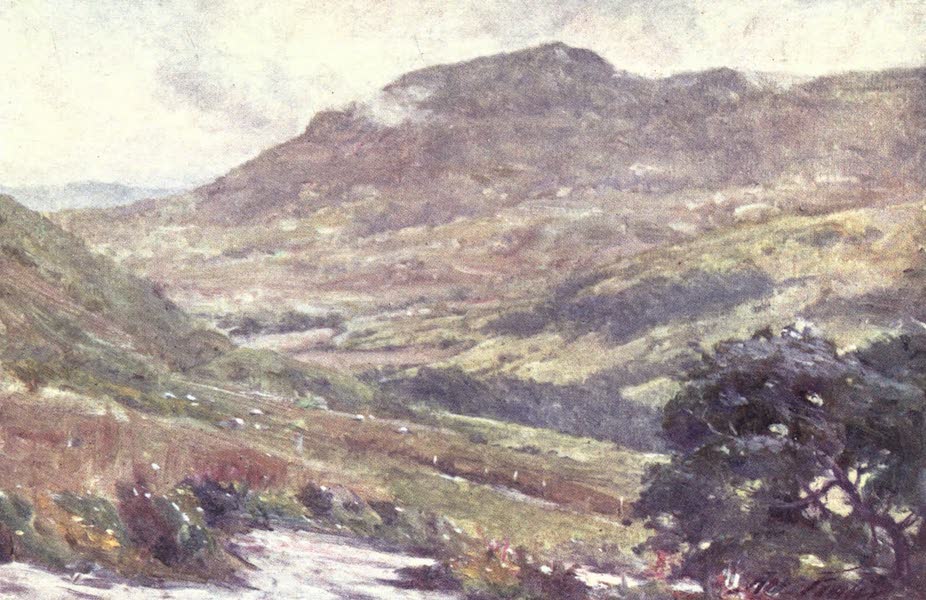 | A Mountain Pass - Noon
|
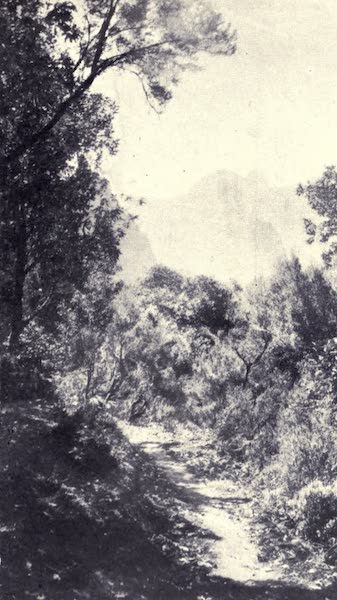 | A Mountain Path : Ribeiro Frio
|
 | A Mountain Path, Grindelwald
|
 | A Mountain Path, Sandvvick, Ullswater
|
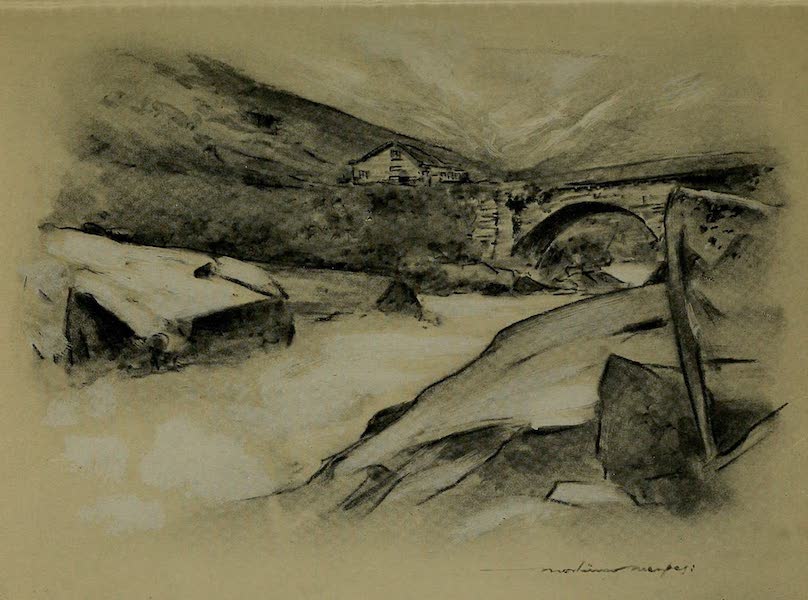 | A Mountain Torrent
|
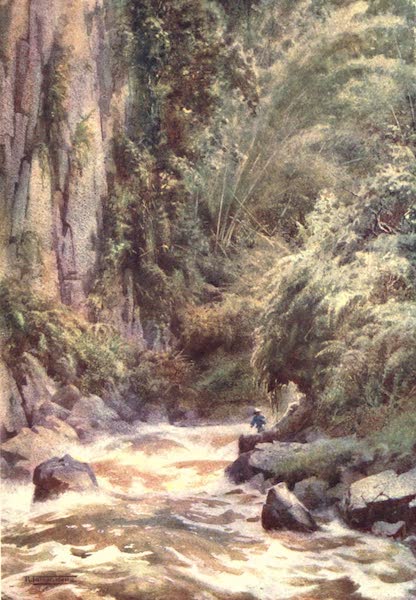 | A Mountain Torrent
|
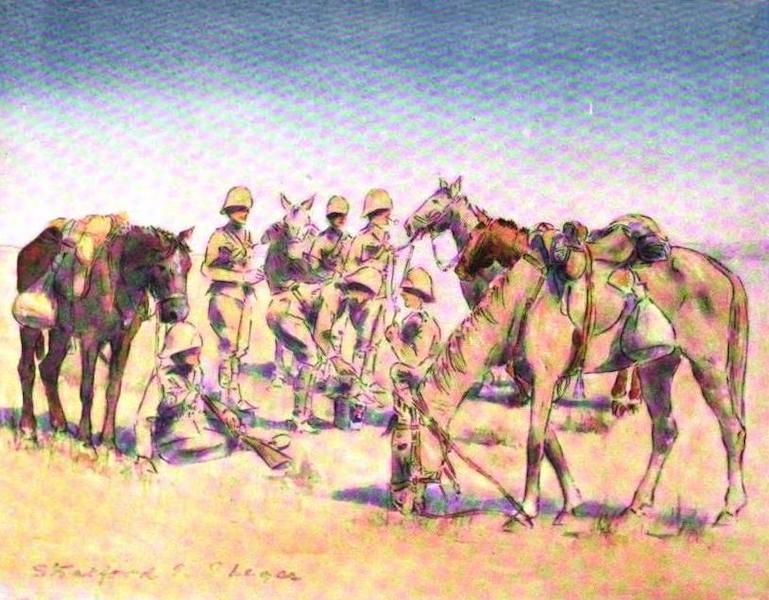 | A Mounted Infantry Patrol - Dinner
|
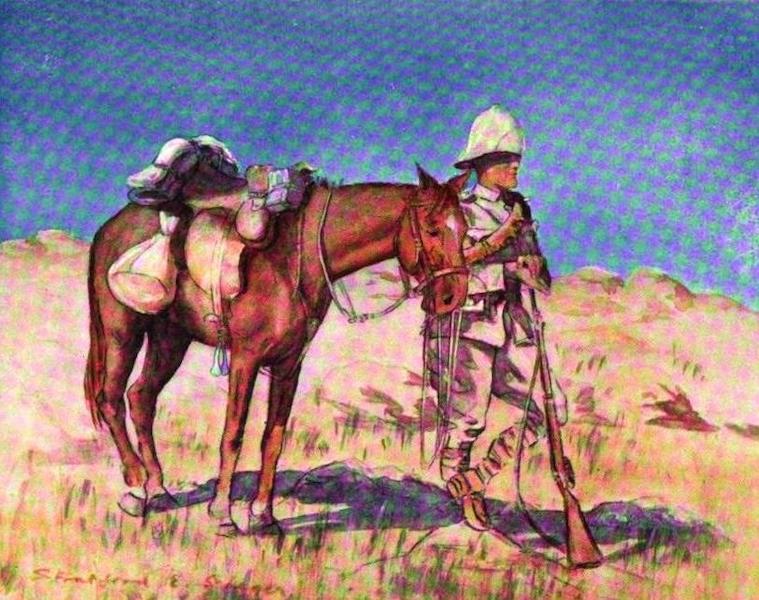 | A Mounted Infantry Vedette
|
 | A Mounted Mace-bearer
|
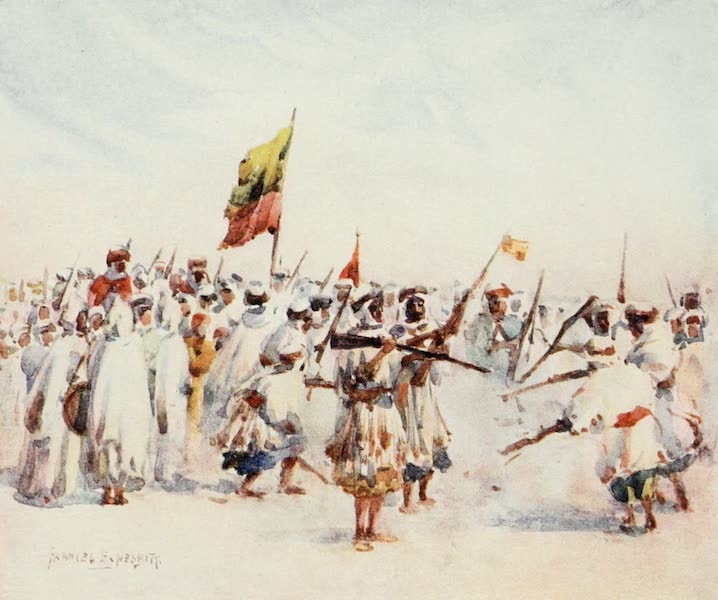 | A Mozabite Fantasia
|
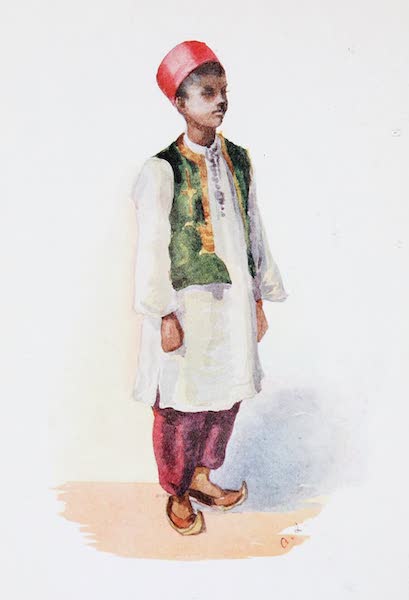 | A Muhammadan Boy
|
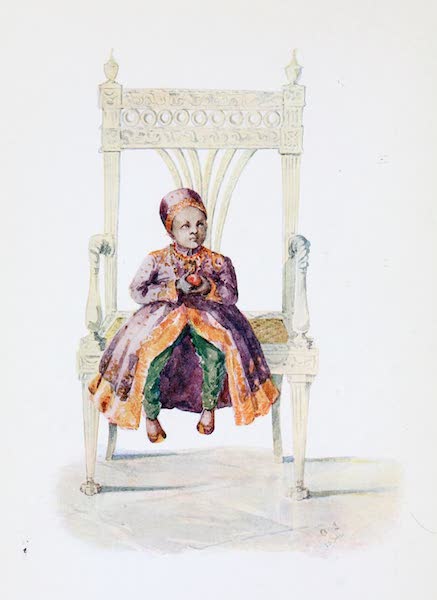 | A Muhammadan Child of Noble Birth
|
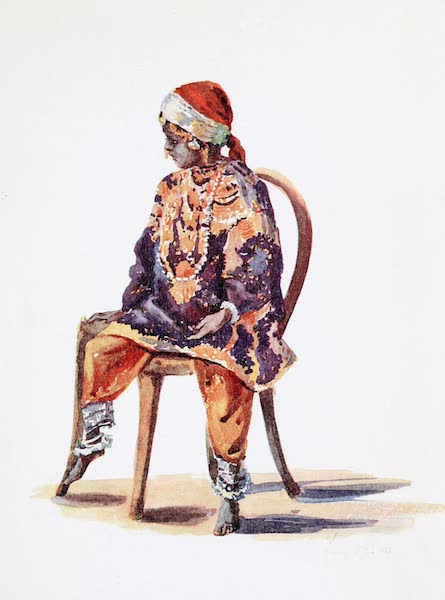 | A Muhammadan Girl
|
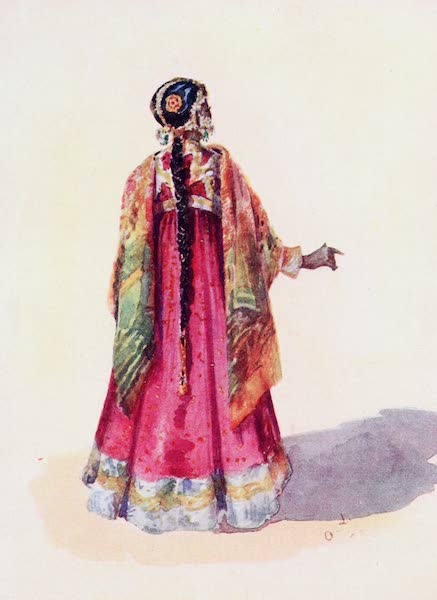 | A Muhammadan Lady
|
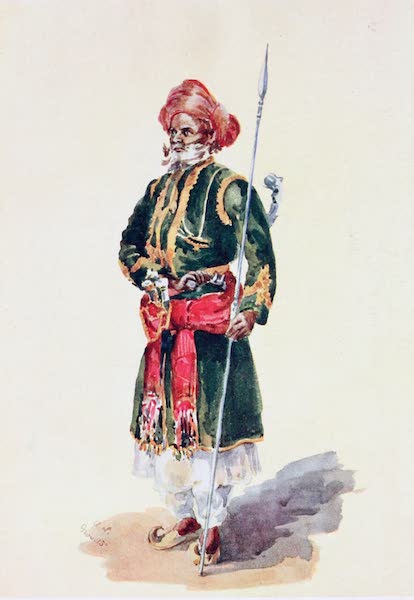 | A Muhammadan Officer
|
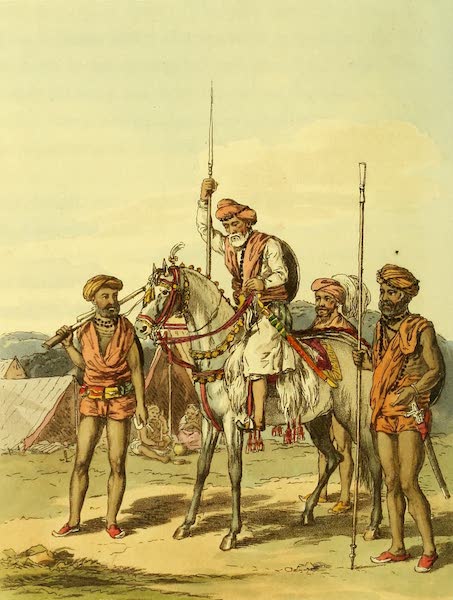 | A Muhunt and Gosaeens
|
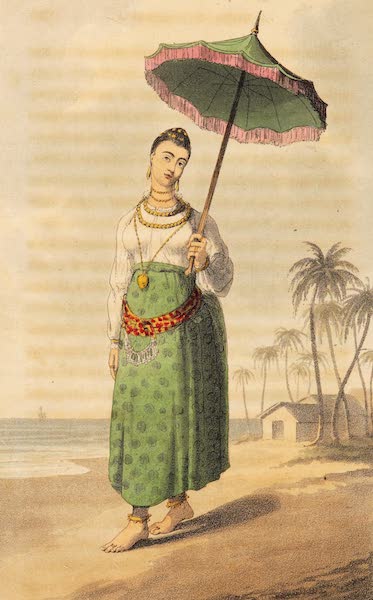 | A Mulatto Woman of the Gold Coast
|
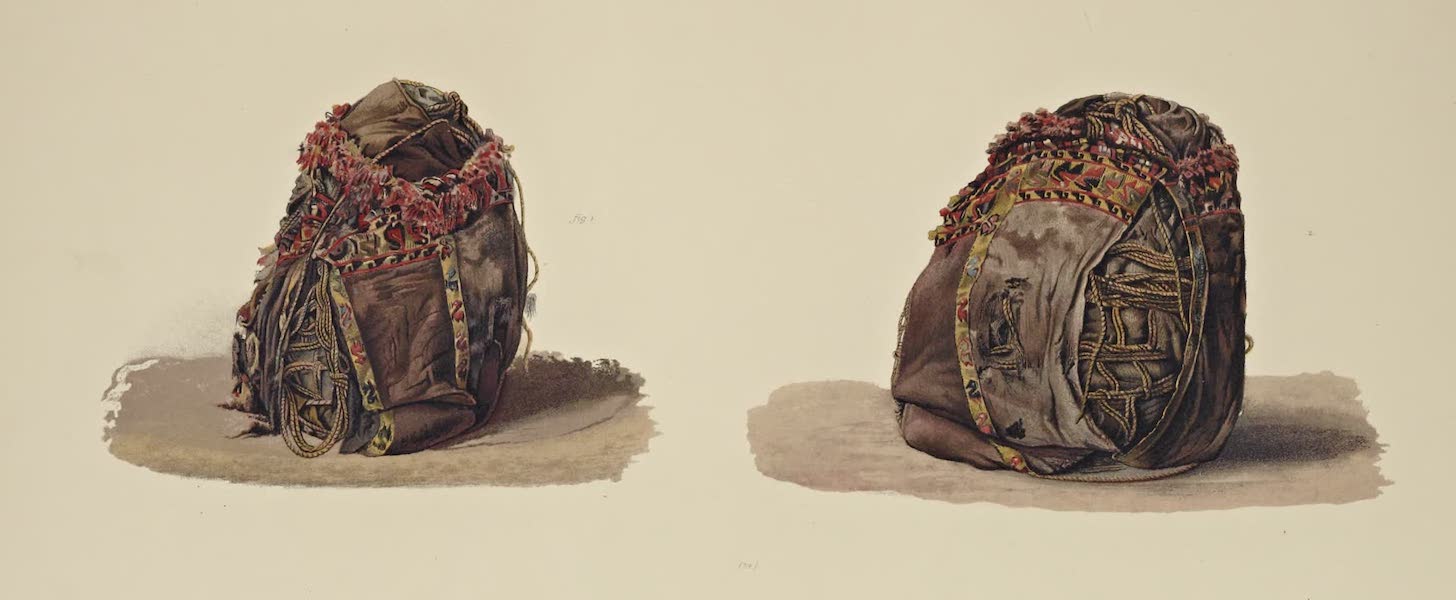 | A Mummy richly arrayed
|
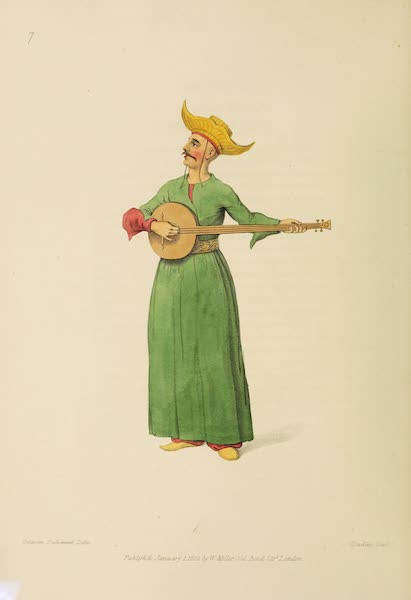 | A Musician belonging to the Grand Signior
|
 | A Mussulman
|
 | A Nakhan
|
 | A Nameless Tomb, Bijapur
|
![A Nantch Girl, or Singing Girl [III]](https://historyarchive.org/images/books/books-a/asiatic-costumes-1828/plates/05-a-nantch-girl-or-singing-girl.jpg) | A Nantch Girl, or Singing Girl [III]
|
![A Nantch Girl, or Singing Girl [II]](https://historyarchive.org/images/books/books-a/asiatic-costumes-1828/plates/04-nantch-girl-or-dancing-girl.jpg) | A Nantch Girl, or Singing Girl [II]
|
![A Nantch Girl, or Singing Girl [IV]](https://historyarchive.org/images/books/books-a/asiatic-costumes-1828/plates/06-a-nantch-girl-or-singing-girl.jpg) | A Nantch Girl, or Singing Girl [IV]
|
![A Nantch, or Singing Girl [I]](https://historyarchive.org/images/books/books-a/asiatic-costumes-1828/plates/03-a-nantch-or-singing-girl.jpg) | A Nantch, or Singing Girl [I]
|
 | A Narrow Canal
|
 | A Narrow Street
|
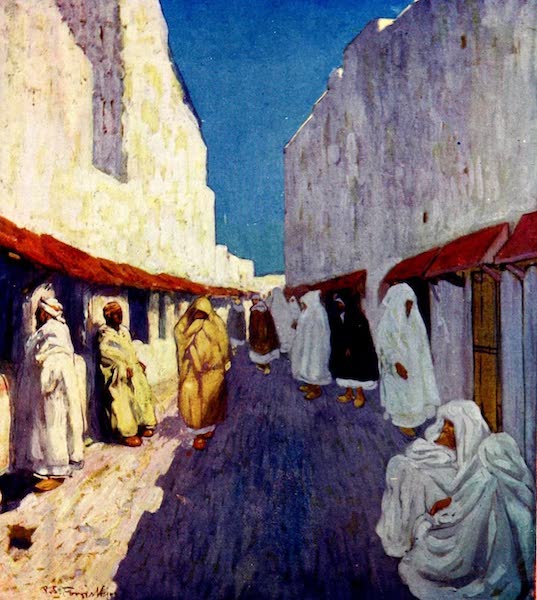 | A Narrow Street in Mogador
|
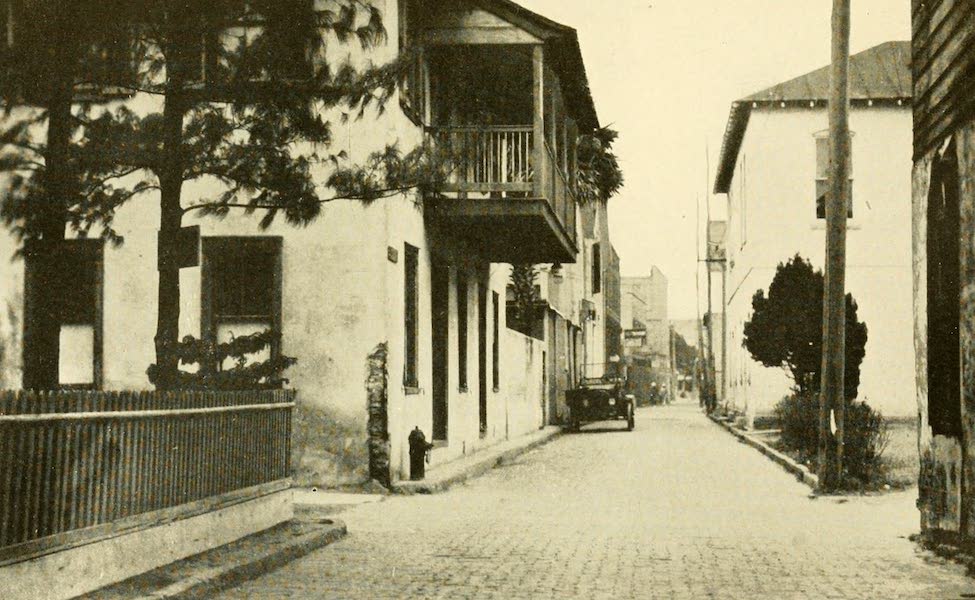 | A Narrow Street in St. Augustine
|
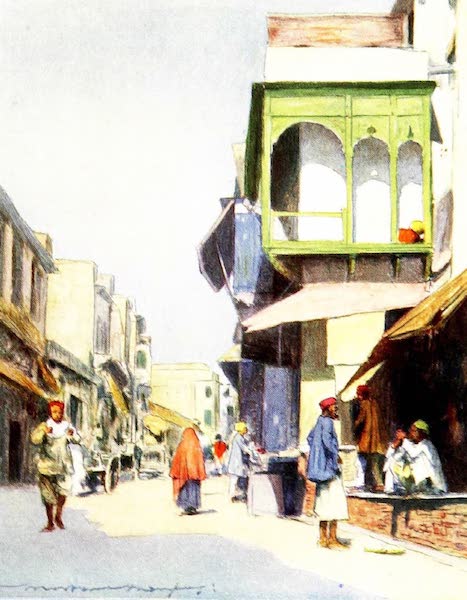 | A Narrow Thoroughfare
|
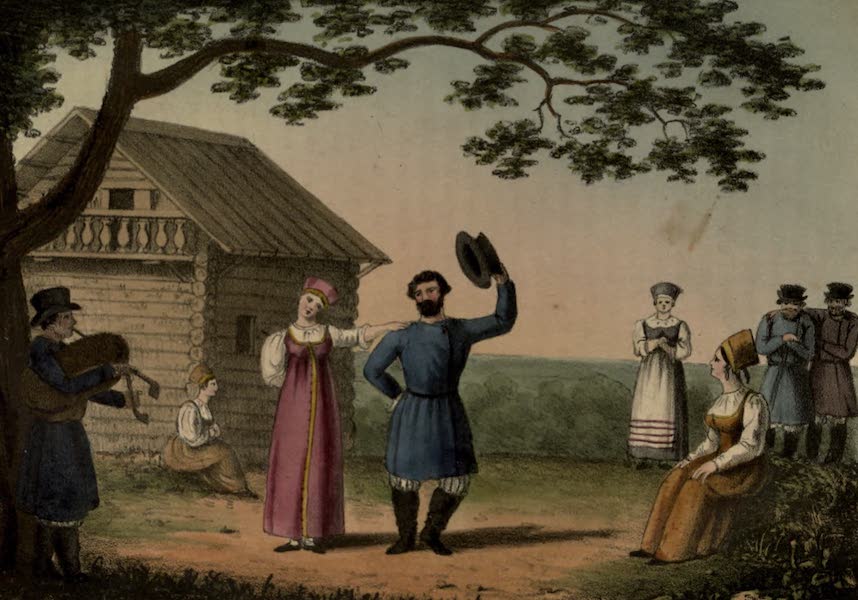 | A National Dance
|
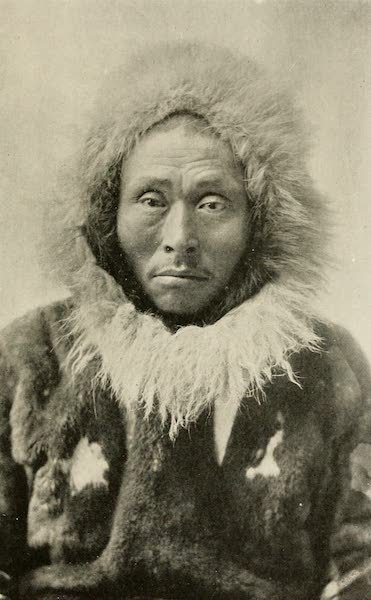 | A Native Alaskan Indian
|
 | A Native Boat Sailing Upstream with the Wind
|
 | A Native Bride
|
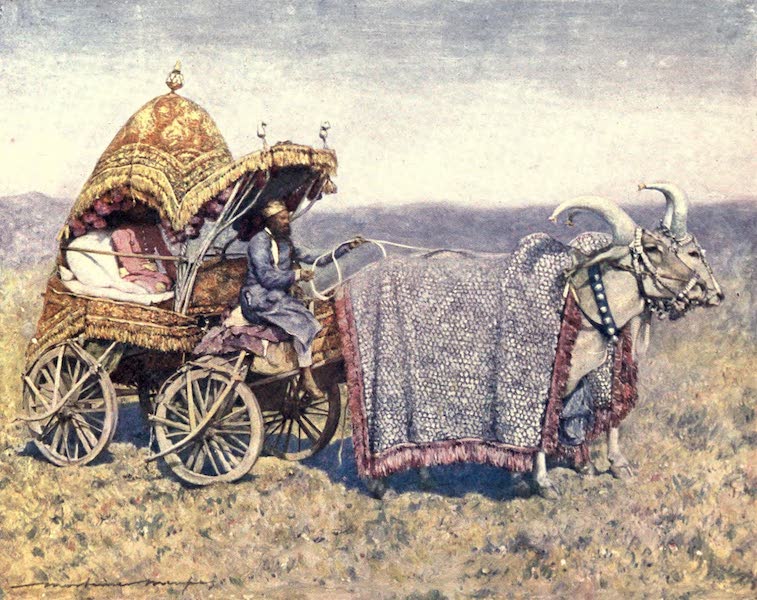 | A Native Bullock-cart from Bikanir
|
 | A Native Bullock-cart, Jeypore
|
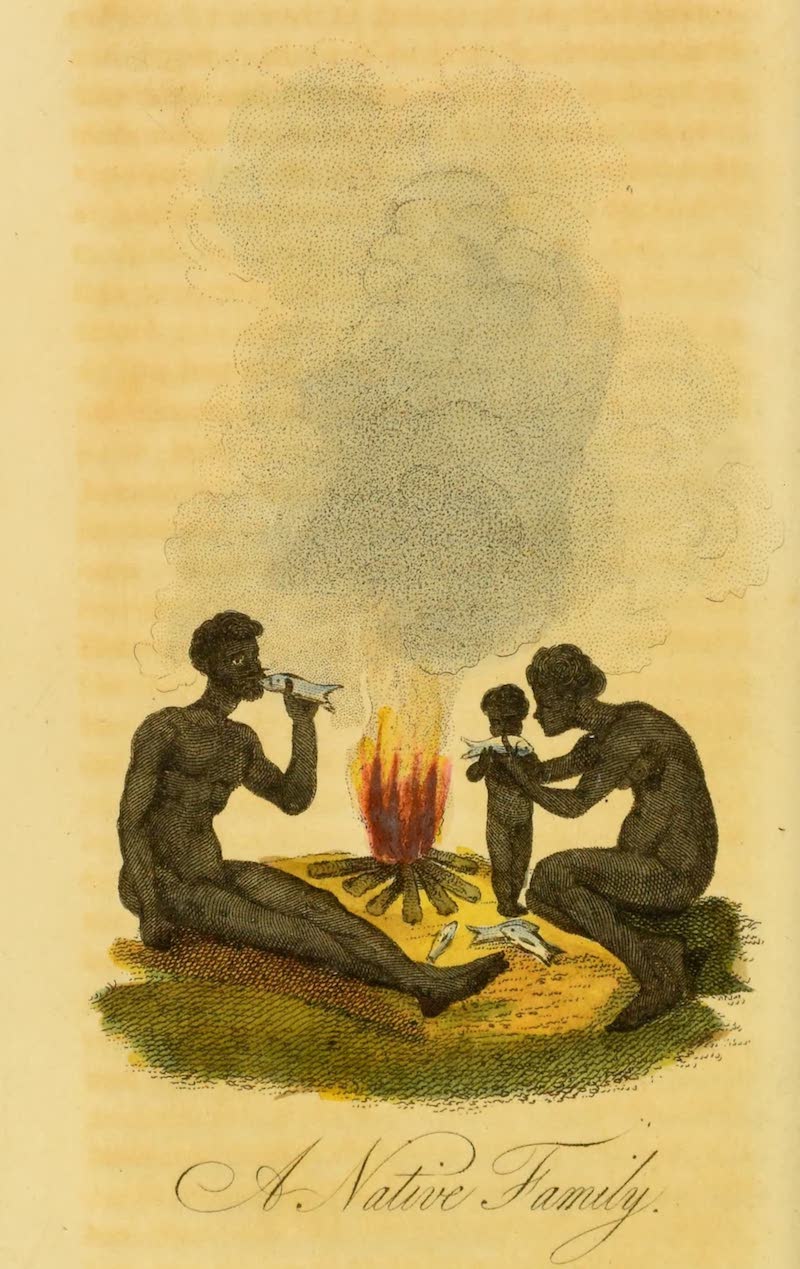 | A Native Family
|
 | A Native Gentleman Smoking a Goorgoory, or Hookah, in hi private Apartments, attended by his Dancing Girls.
|
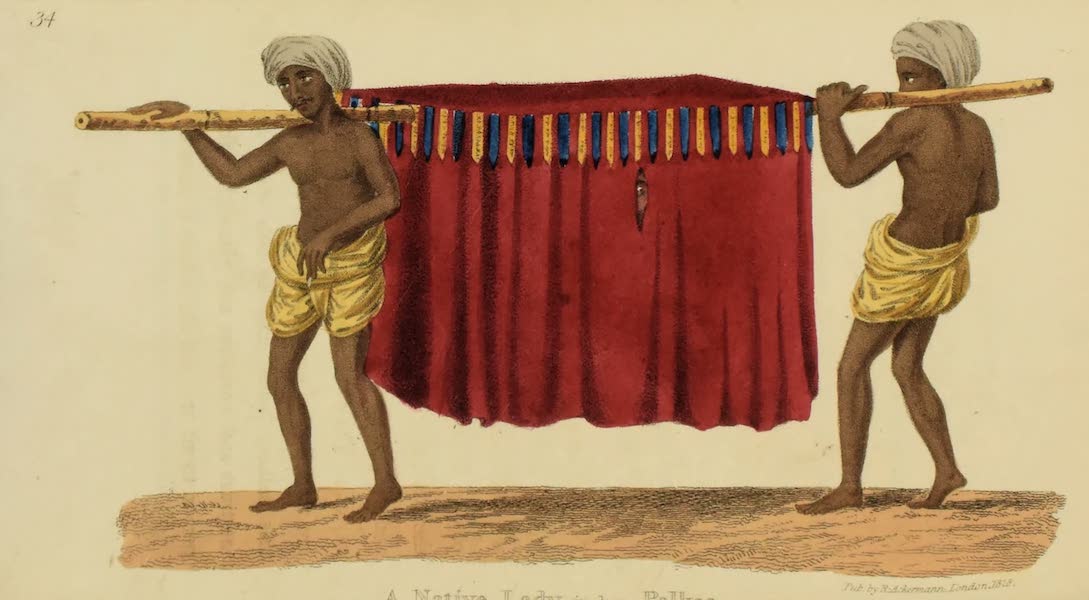 | A Native Lady in her Palkee
|
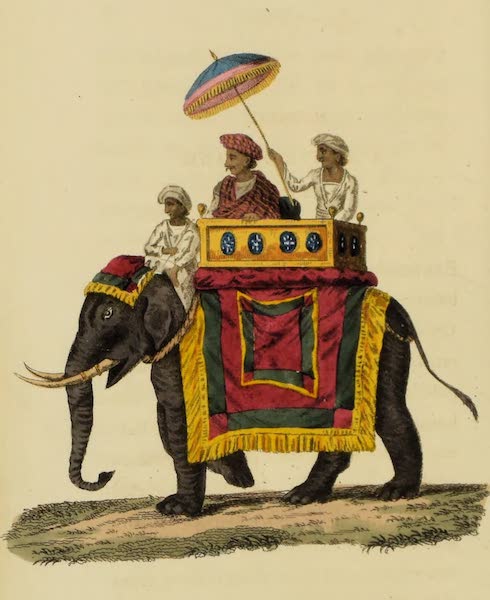 | A Native of Rank on an Elephant
|
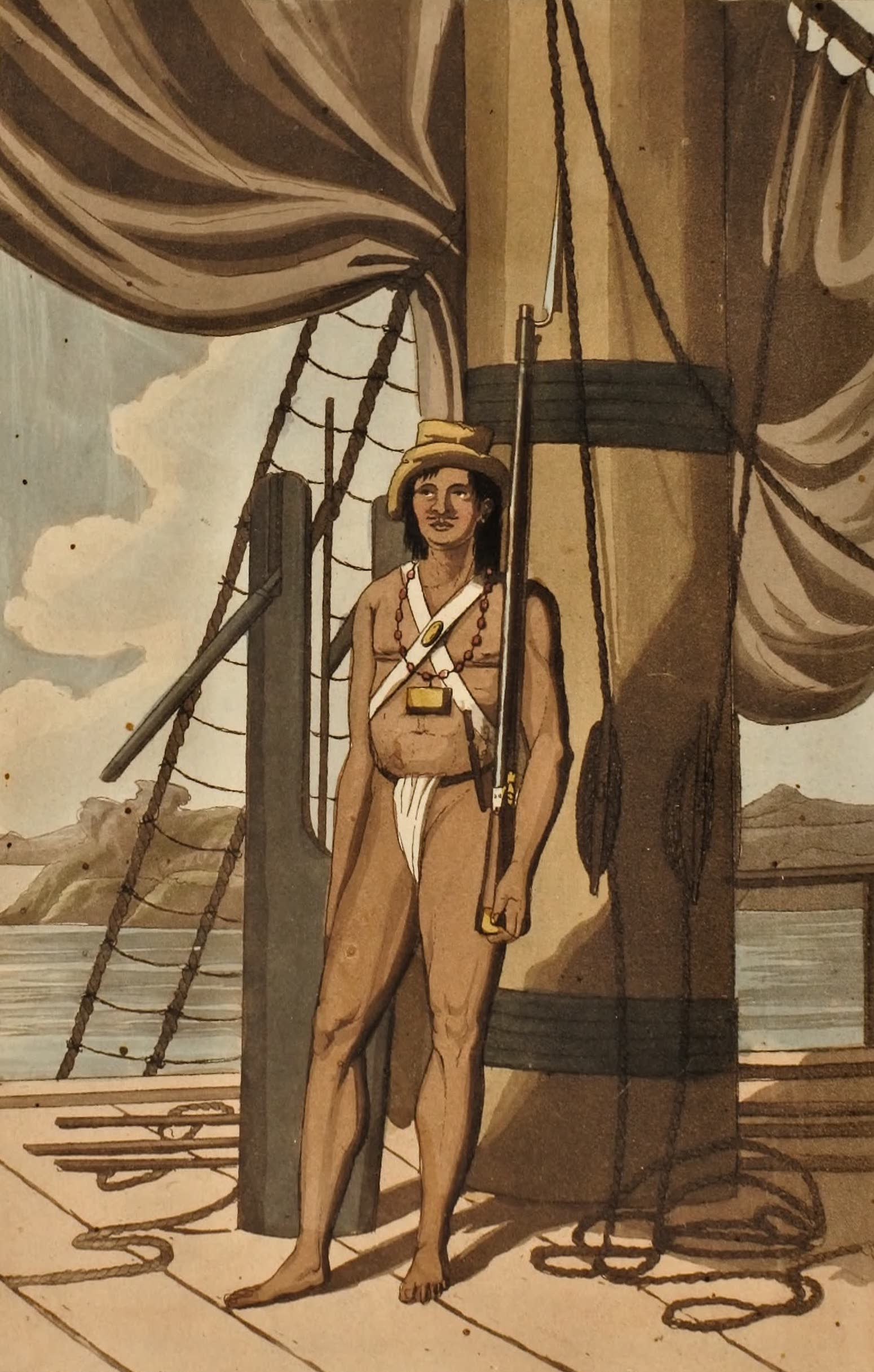 | A Native Soldier
|
 | A Native Woman of Jeypore
|
 | A Natural Arch on Nouk-a-Daban, Oriental Siberia
|
![A Nautch [II]](https://historyarchive.org/images/books/books-t/twenty-four-plates-illustrative-of-bengal-1832/plates/20-a-nautch-II.jpg) | A Nautch [II]
|
![A Nautch [I]](https://historyarchive.org/images/books/books-t/twenty-four-plates-illustrative-of-bengal-1832/plates/19-a-nautch-I.jpg) | A Nautch [I]
|
 | A Necklace
|
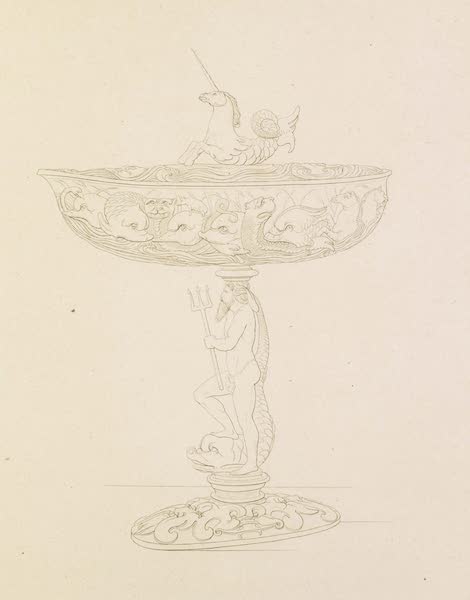 | A Nef in ivory
|
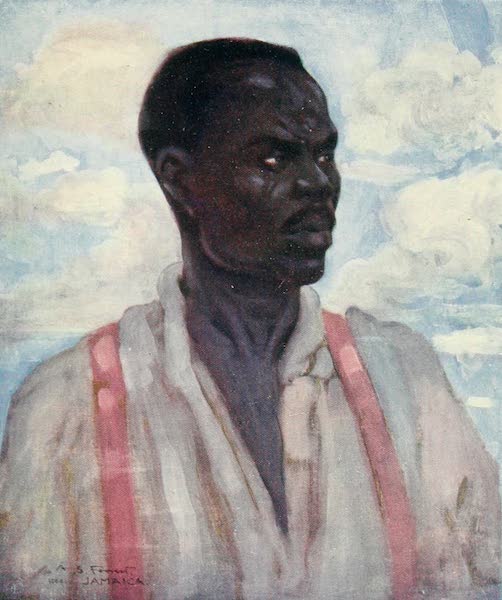 | A Negro
|
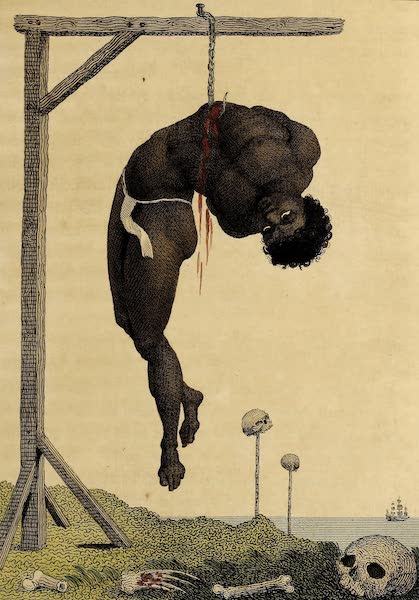 | A Negro hung alive by the Ribs to a Gallows
|
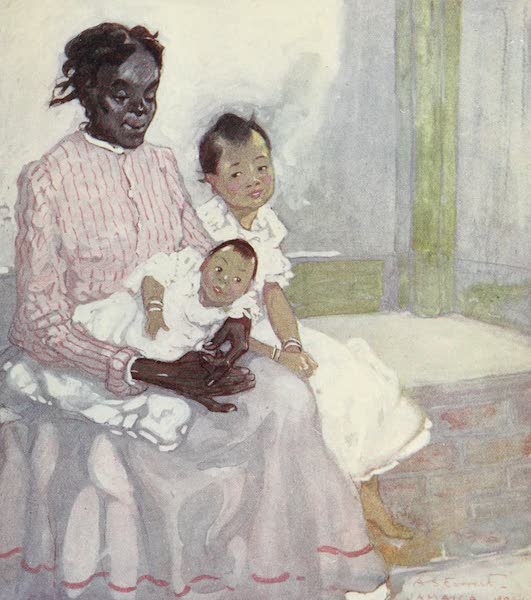 | A Negro Nurse with Chinese Children, Jamaica
|
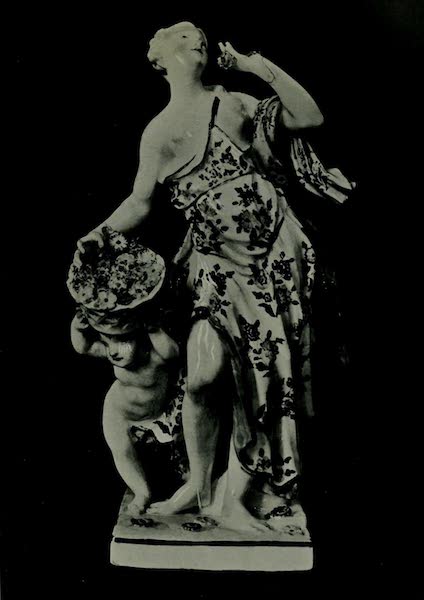 | A Neo-classic Statuette of Spring
|
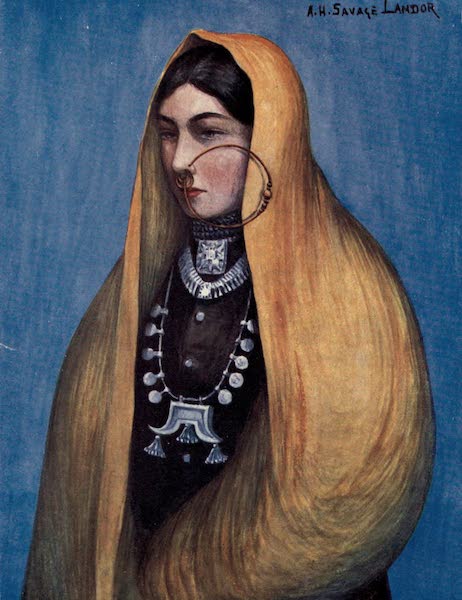 | A Nepalese Lady
|
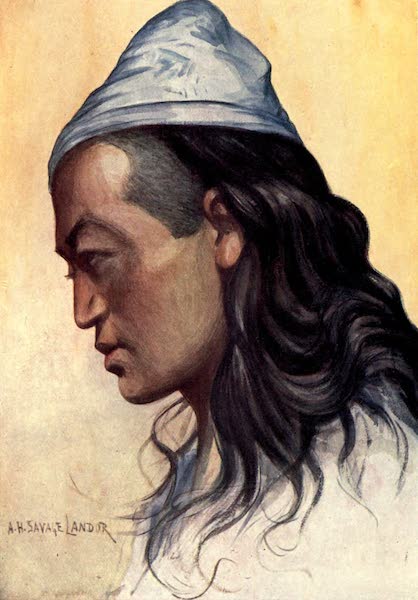 | A Nepalese Shoka
|
 | A Nepalese Woman
|
 | A Nestorian Girl with her ornaments
|
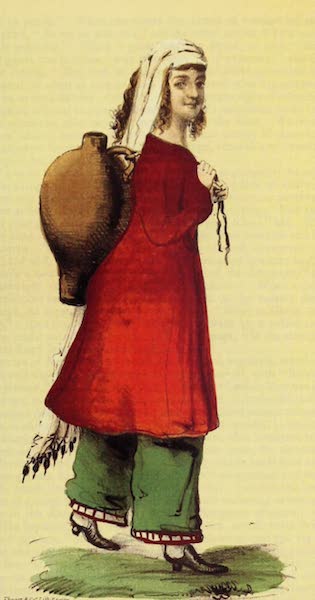 | A Nestorian Girl, carrying water
|
 | A Nestorian Mother & her little girl
|
 | A Nestorian of the Mountains
|
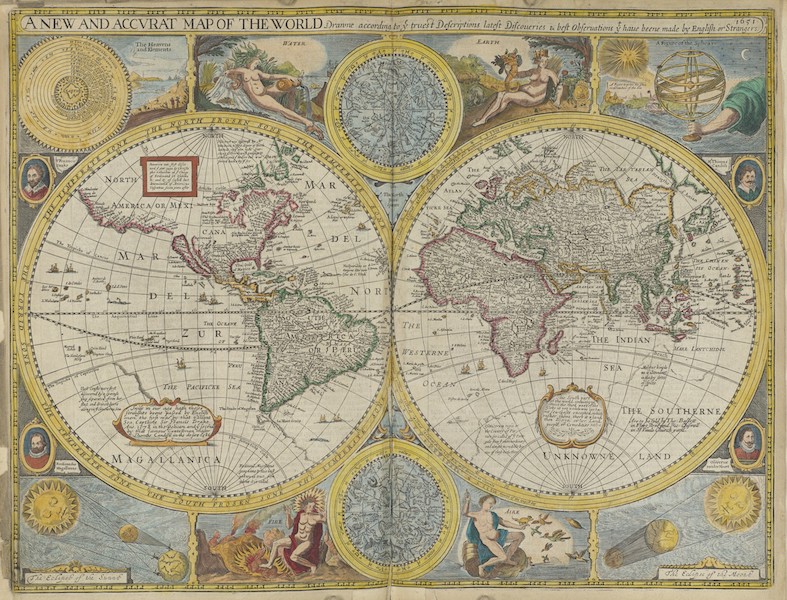 | A New and Accvrat Map of the World
|
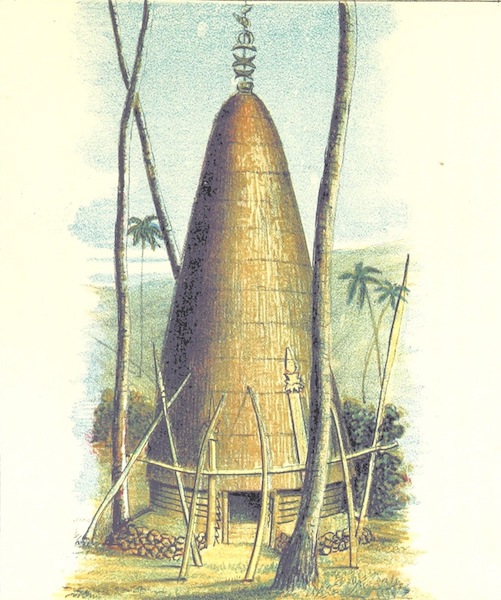 | A New Caledonian Chief's Residence
|
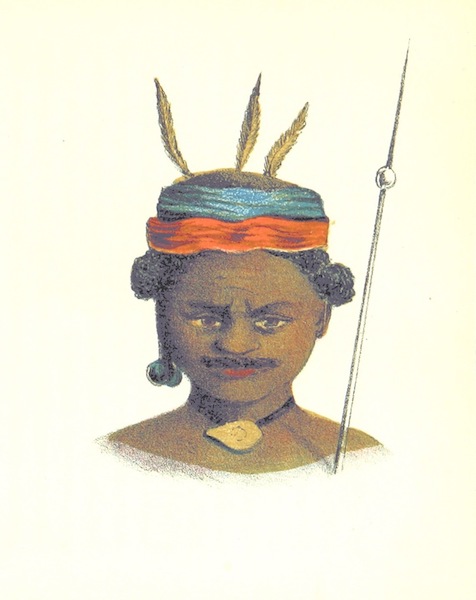 | A New Caledonian Native
|
 | A New Camp after a Gold Discovery
|
 | A New Description of Carolina
|
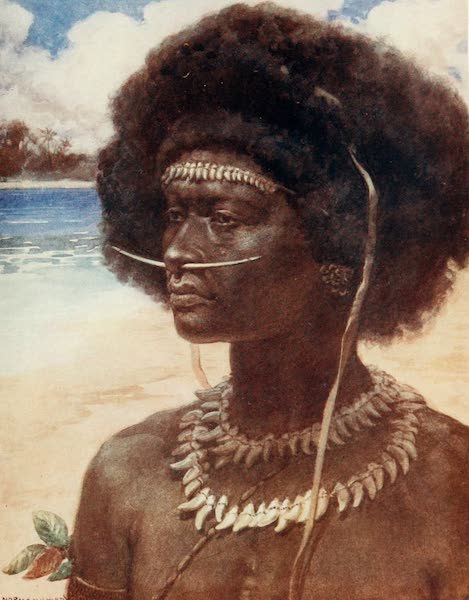 | A New Guinea Dandy
|
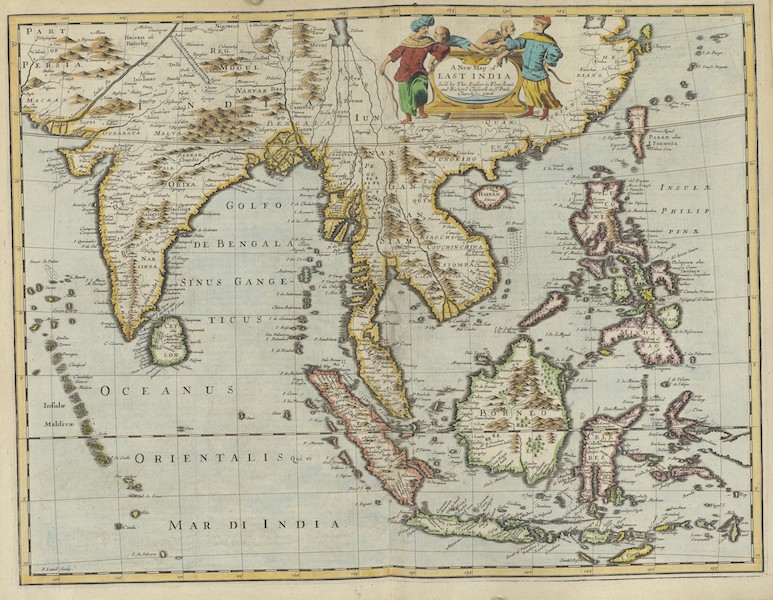 | A New Map of East India
|
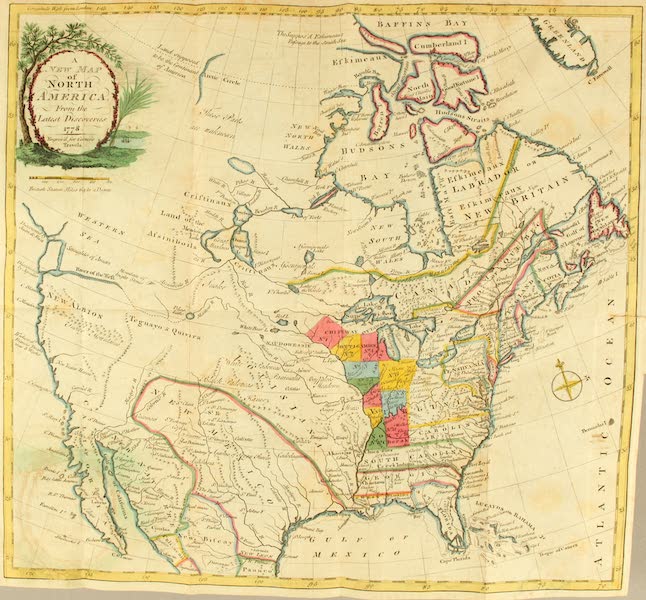 | A New Map of North America from the Latest Discoveries - 1778
|
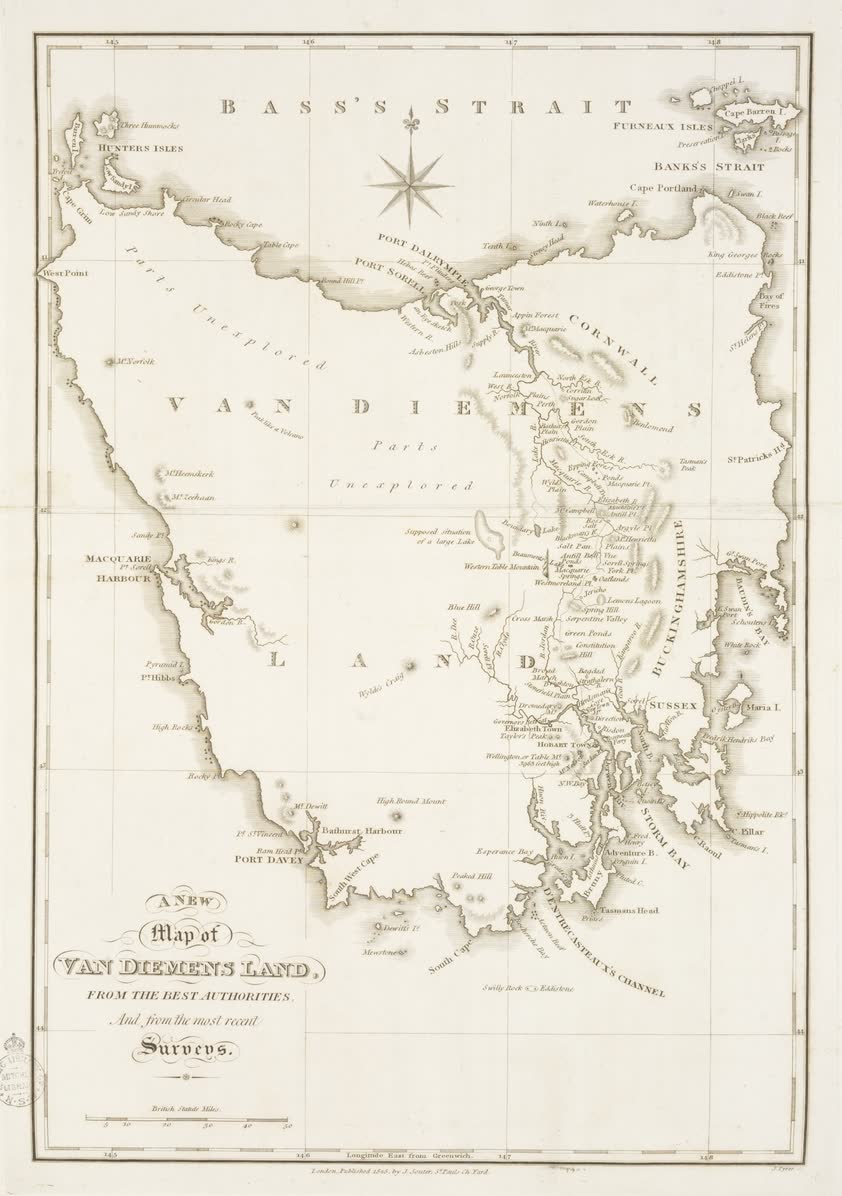 | A New Map of Van Diemens Land
|
 | A New Mexico "Vocalist"
|
 | A New Mexico Wild Turkey
|
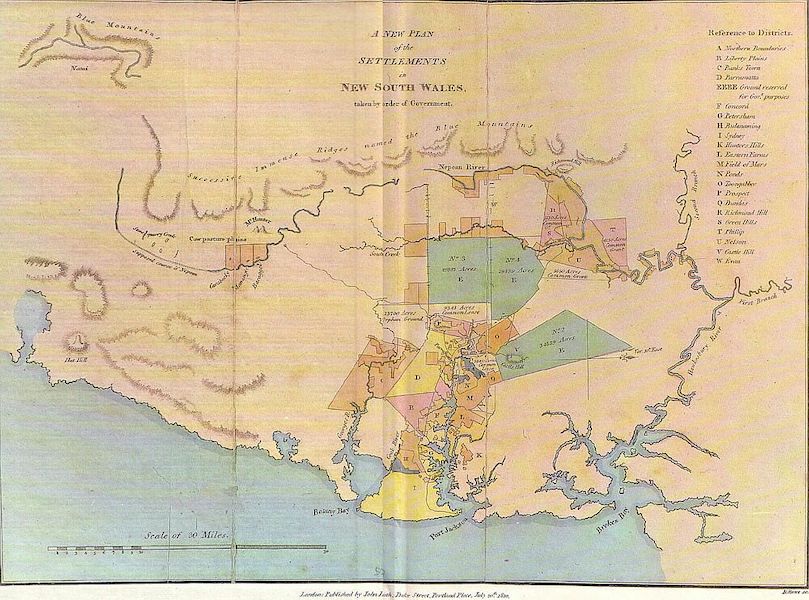 | A New Plan of the Settlements in New South Wales taken by order of Government, July 20th 1810
|
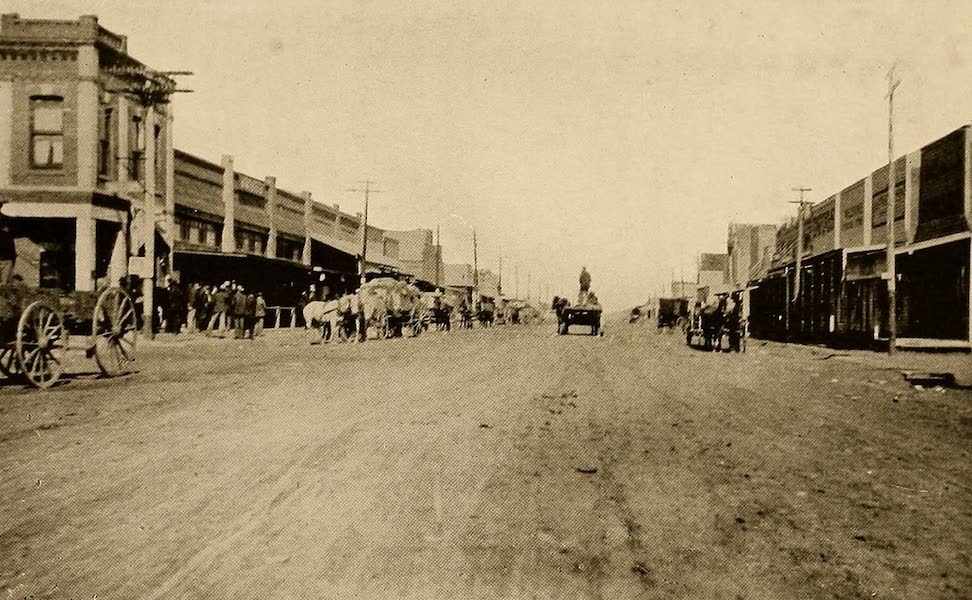 | A New Town in the Panhandle
|
 | A Newe Mape of Germany
|
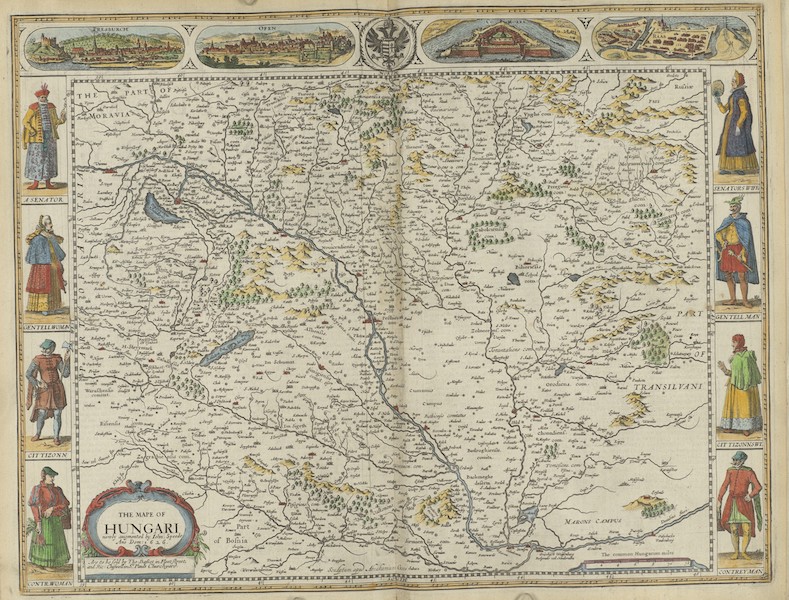 | A Newe Mape of Hungari
|
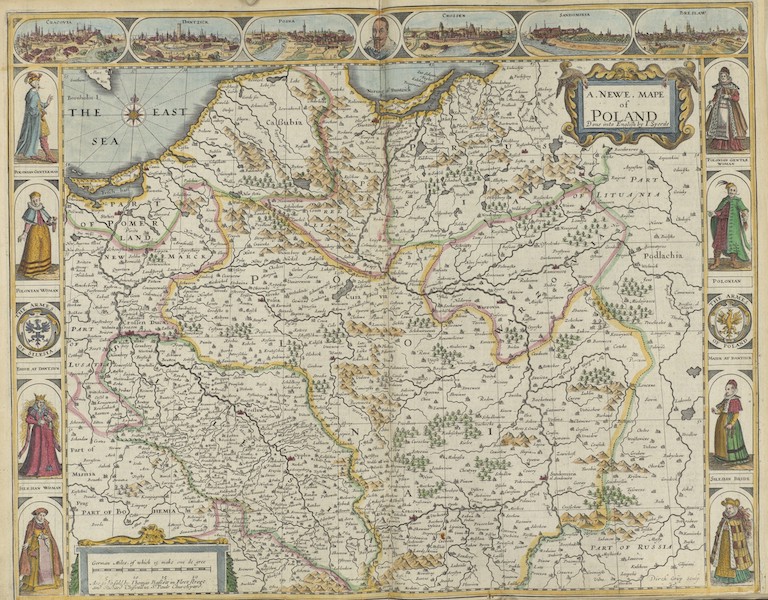 | A Newe Mape of Poland
|
 | A Newe Mape of Tartary
|
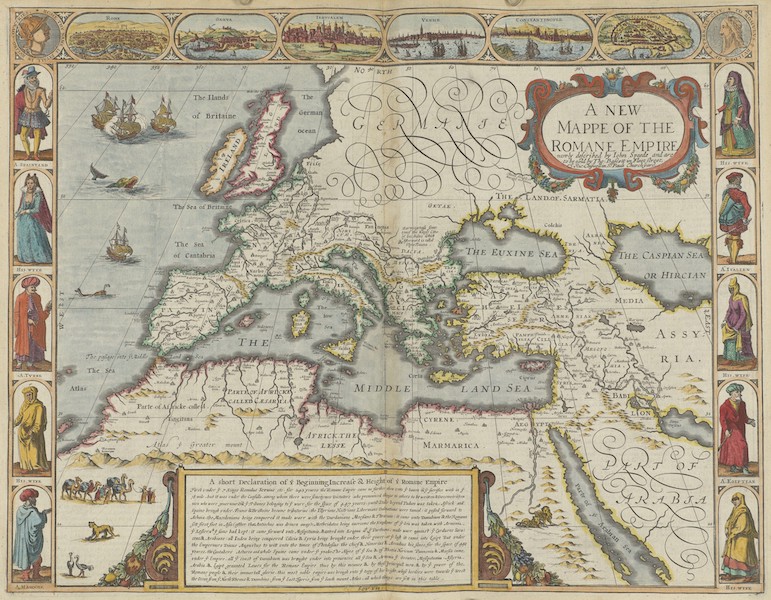 | A Newe Mape of the Romane Empire
|
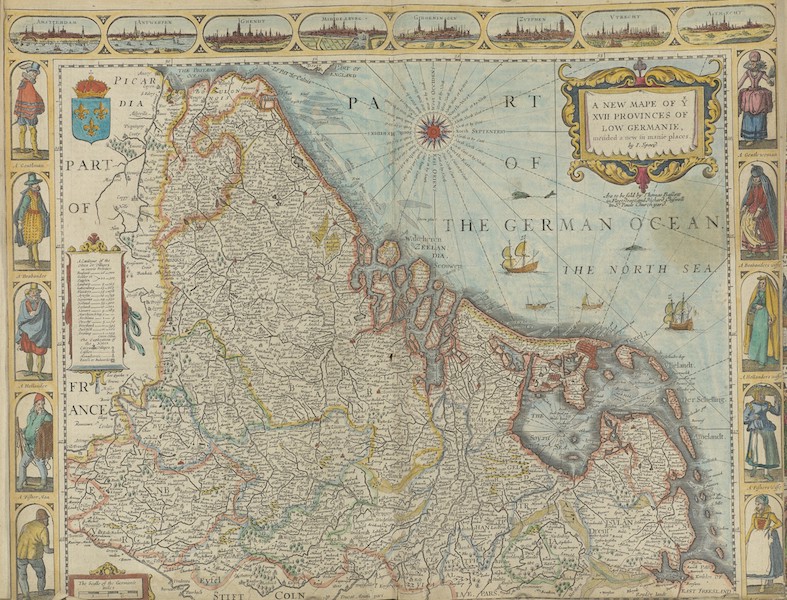 | A Newe Mape of Y XVII Provinces of Low Germanie
|
 | A Night Encampment in the Forest
|
 | A Night Escort : Destroyers conveying a Troopship to France
|
 | A Night Impression of the Navy House, Baghdad : February 1919
|
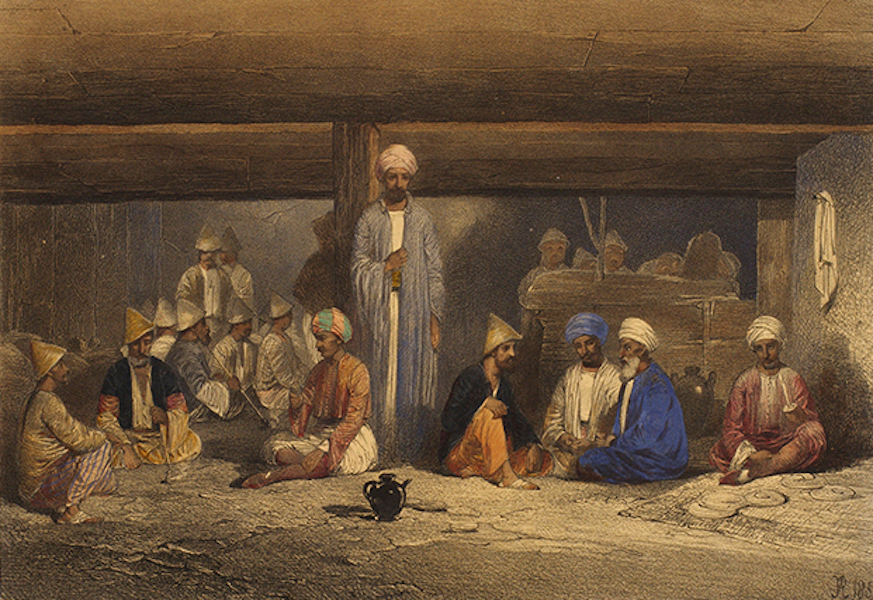 | A night with the Nestorian Patriarch in the Village of Be-a-latha
|
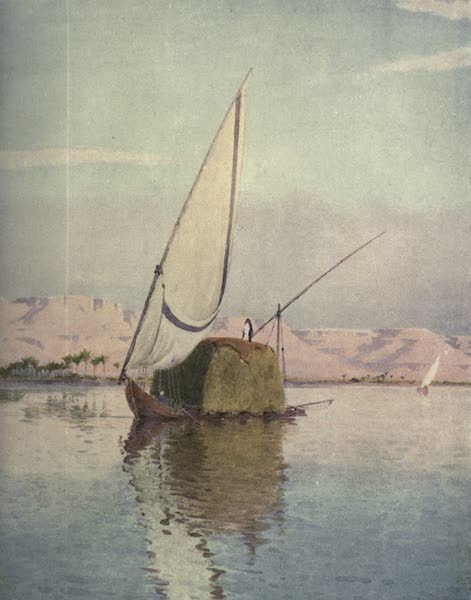 | A Nile Afterglow
|
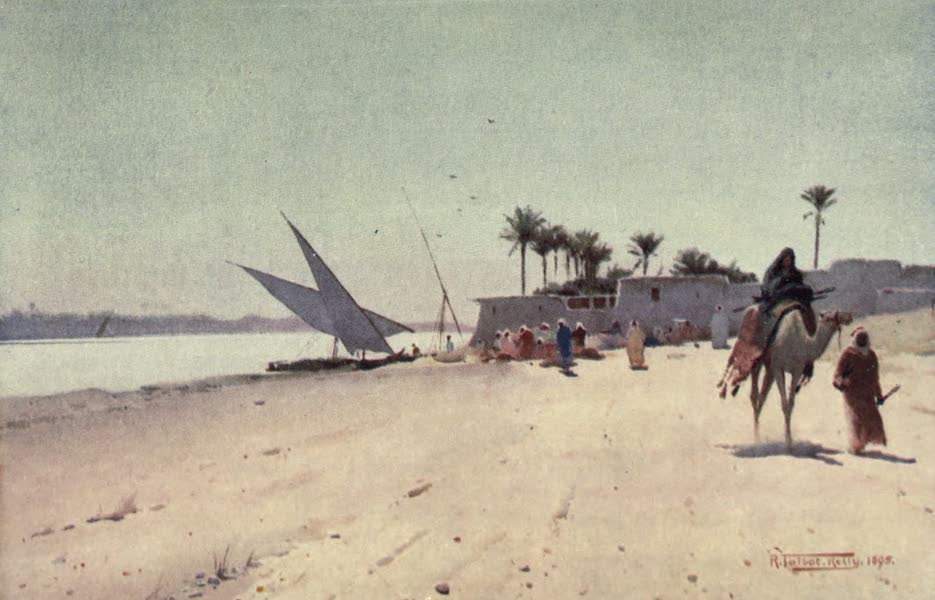 | A Nile Village
|
 | A Noble Fountain
|
 | A Nocturne, Llandudno Bay
|
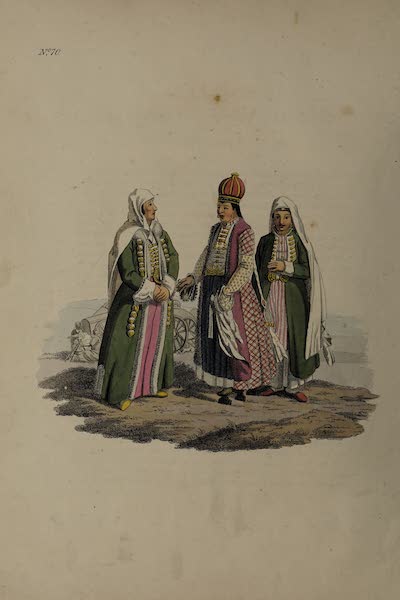 | A Nogais Tartar Lady of distinction. In the centre of the group a Princess of that Nation, attended by a Female Slave
|
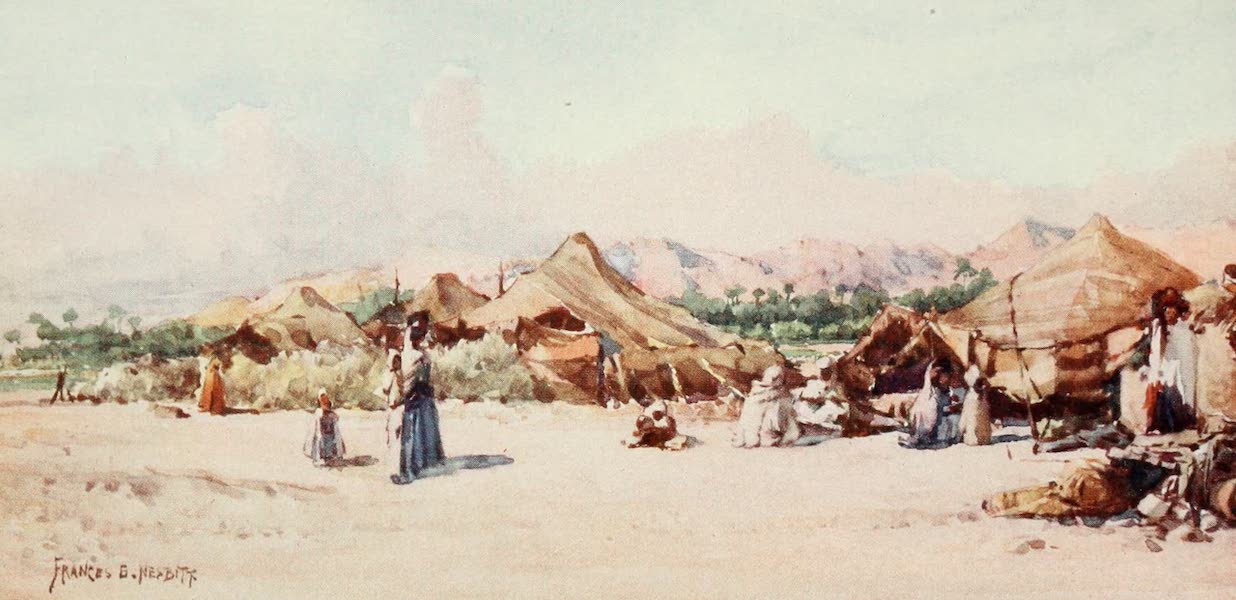 | A Nomad Camp
|
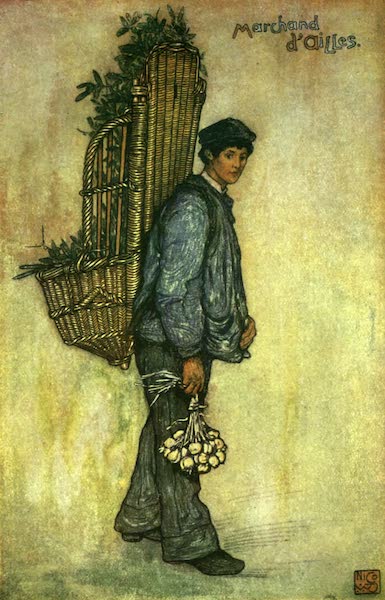 | A Norman Peasant
|
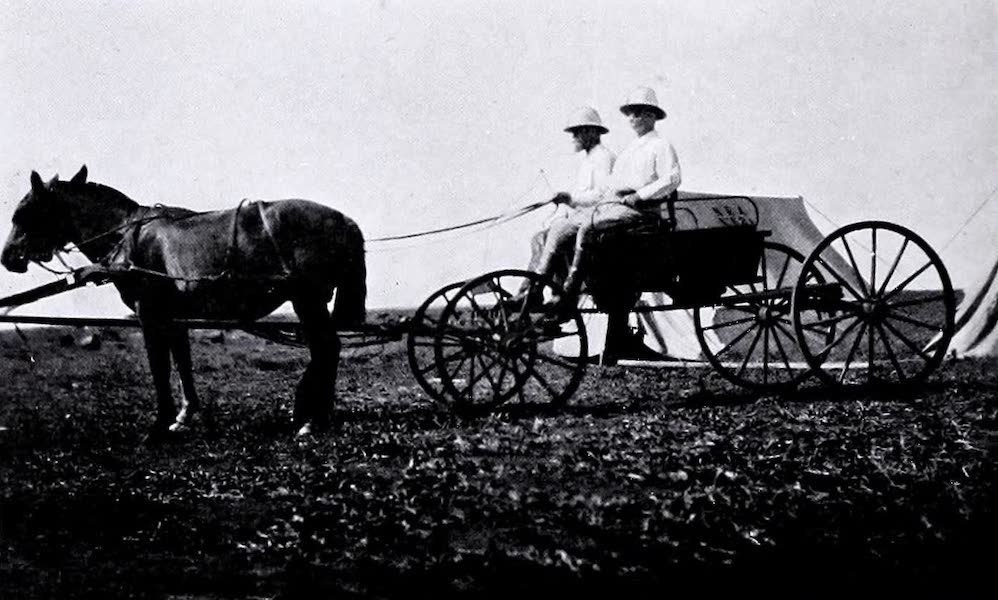 | A Northern 'Camp' Cart
|
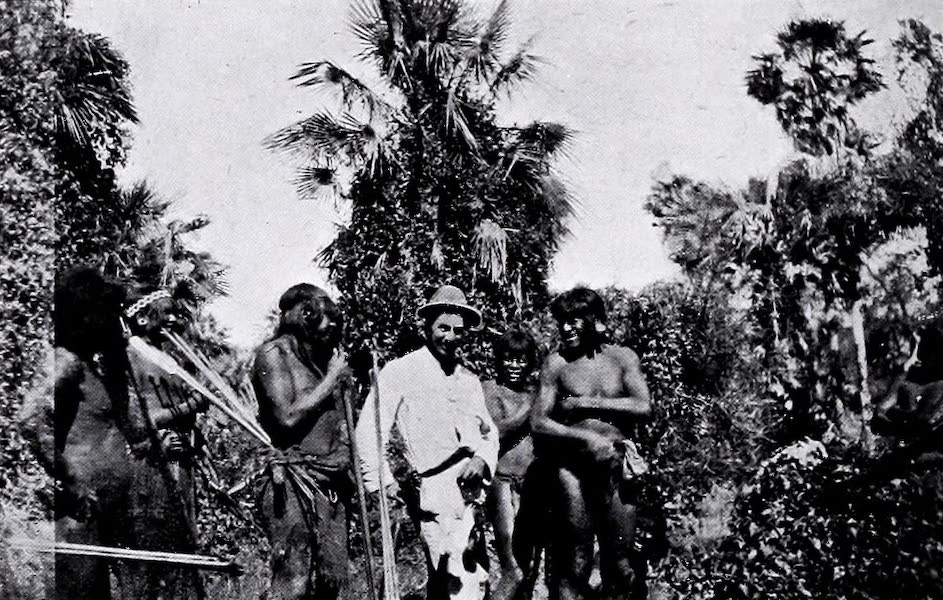 | A Northern 'Camp' Cart
|
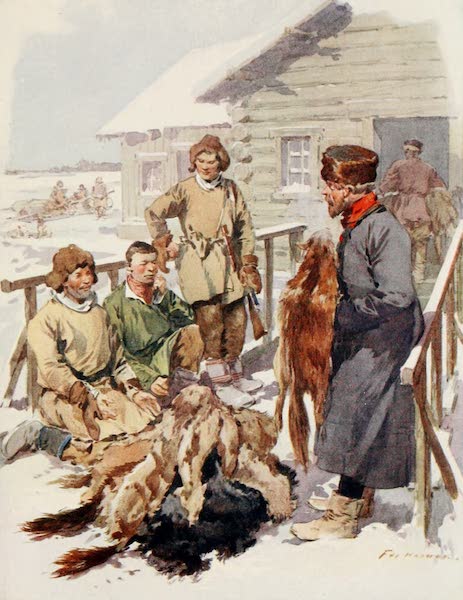 | A Northern Fur Merchant
|
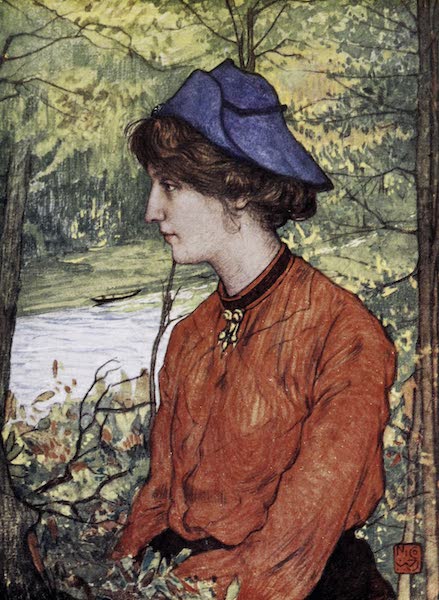 | A Norwegian Girl
|
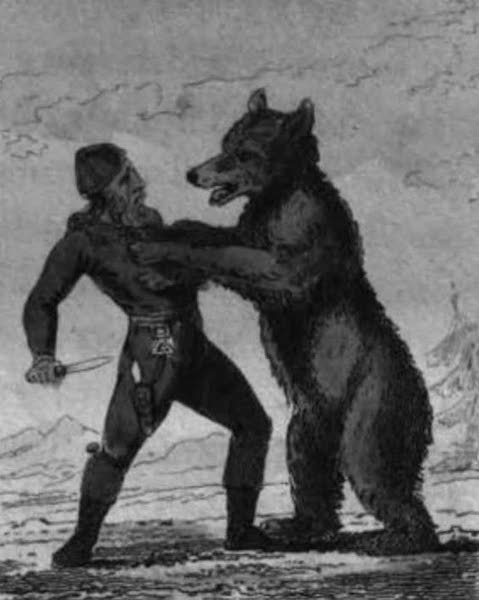 | A Norwegian Killing a Bear
|
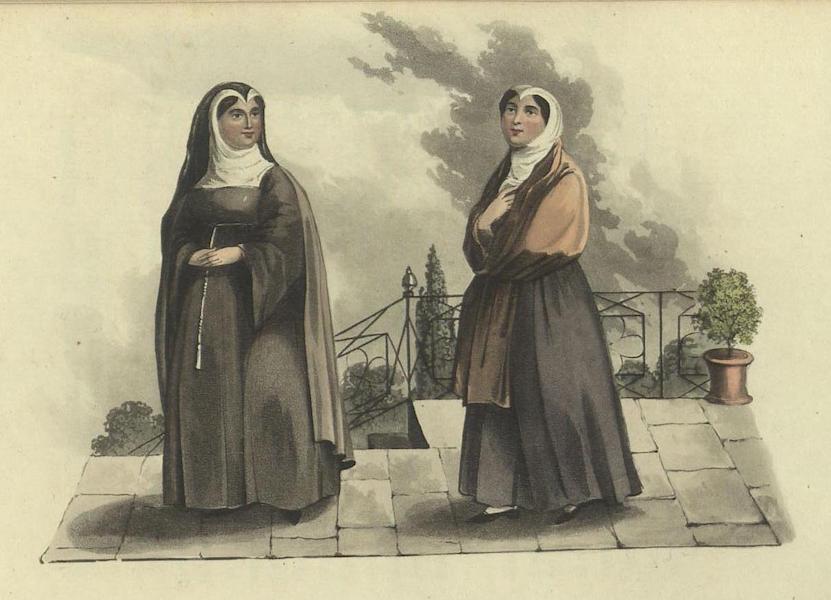 | A Nun and Her Attendant
|
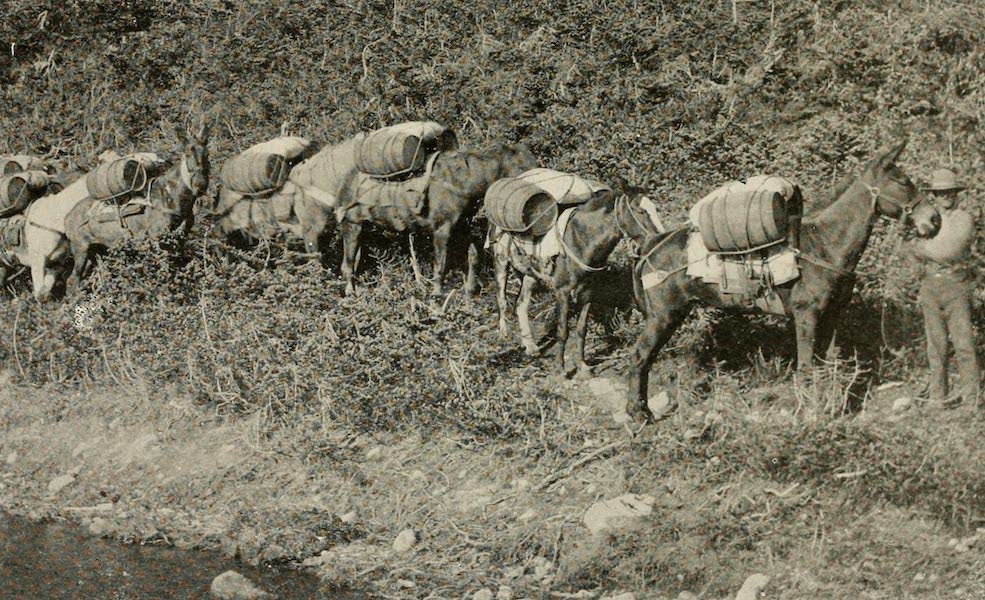 | A Pack Train of Early Days
|
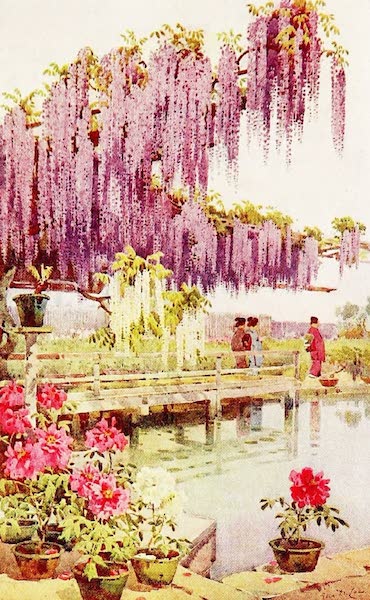 | A Paeony Garden
|
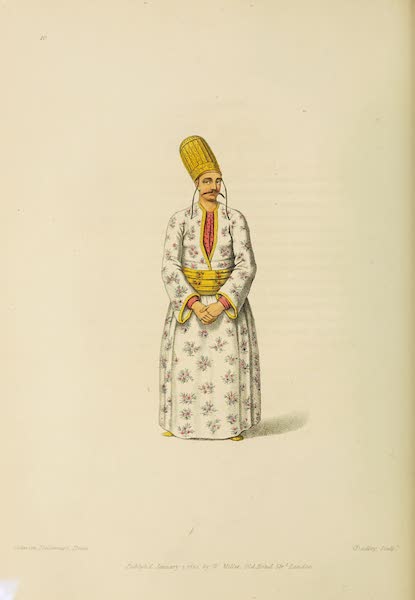 | A Page of the Grand Signior
|
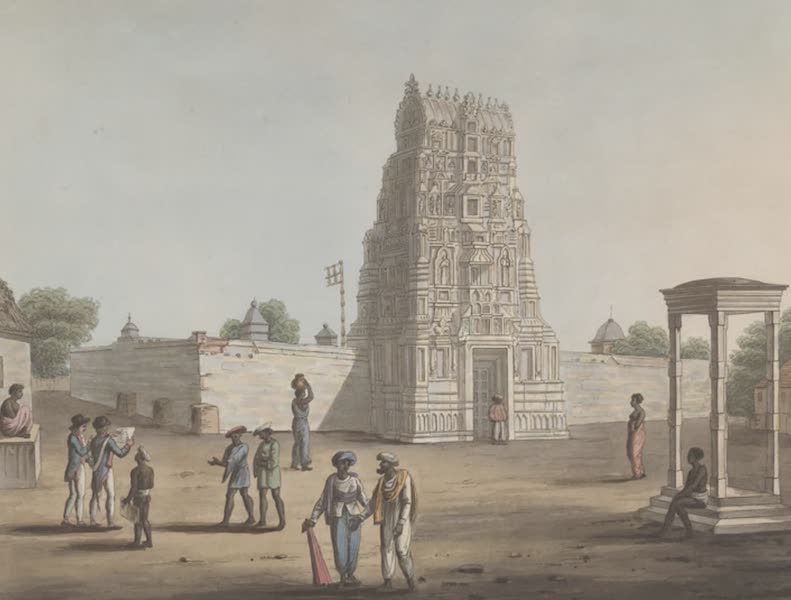 | A Pagoda at Struppermador
Plate twenty two in 'Picturesque Scenery in the Kingdom of Mysore' by James Hunter. This aquatint is based on a picture by Hunter showing a temple at Sriperumbudur. The famous 11th Century Vaishnava philosopher, Ramanuja, was from this place.A shrine dedicated to him is inside the temple. In the lower left corner of the picture, two Europeans appear to be examining a drawing of the temple. |
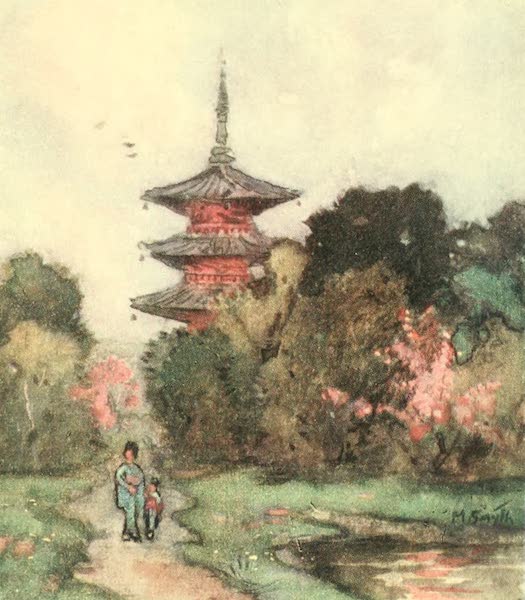 | A Pagoda which has stood a thousand years
|
![A Pagoda [Firoz Shah's Minar At Gaur]](https://historyarchive.org/images/books/books-t/twenty-four-views-in-indostan-1802/plates/15-a-pagoda.jpg) | A Pagoda [Firoz Shah's Minar At Gaur]
Plate thirteen from '24 Views in Indostan by William Orme'. This picture is based on an earlier compostion by Thomas Daniell (1749-1840). Although titled 'A Pagoda', the picture actually represents Firoz Minar (also known as the Pir Asa Minar) in the abandoned ancient site of Gaur in West Bengal. The Firoz Minar is a Victory tower which was constructed in 1486 by Firoz Shah. Victory towers sch as these were often built by Indian rulers to commemorate the success of important battles. The Firoz Minar is 84 feet high and can be climbed through an internal staircase leading to a platform at the top. |
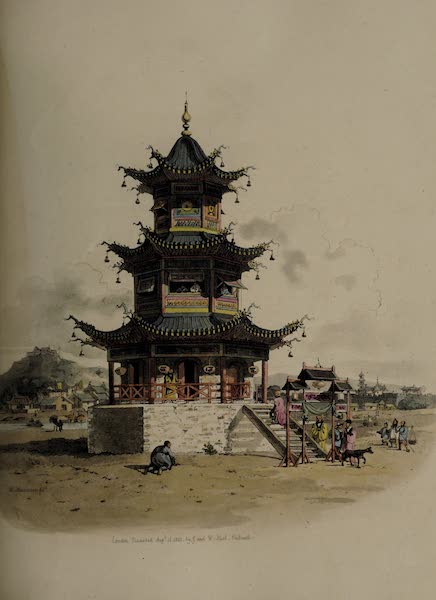 | A Pagoda, or Temple for religious Worship
|
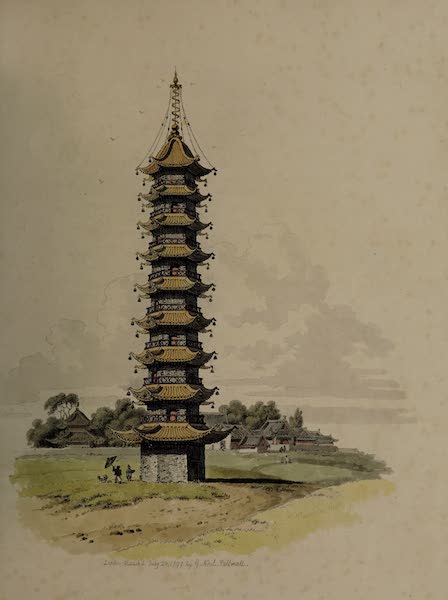 | A Pagoda, or Tower
|
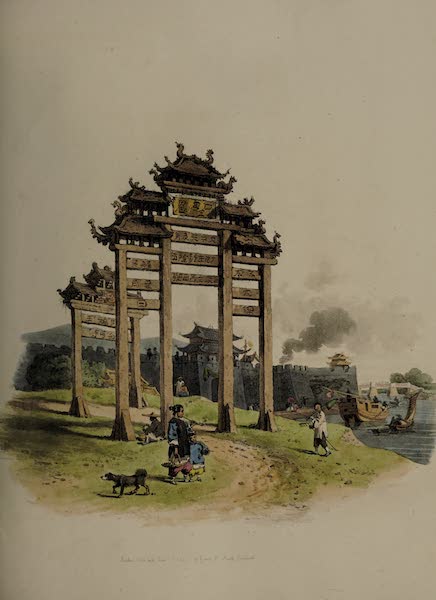 | A Pai-loo, or Triumphal Arch
|
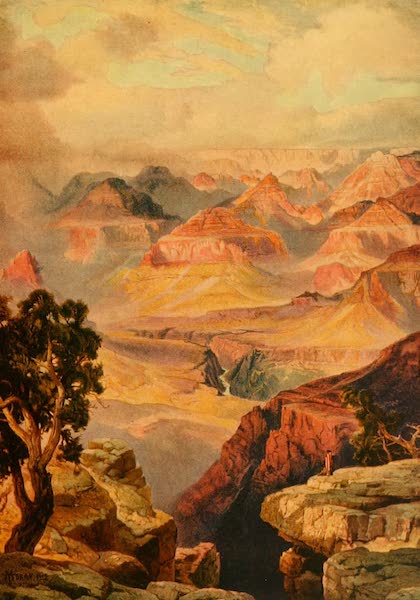 | A Painting that has no Peer
|
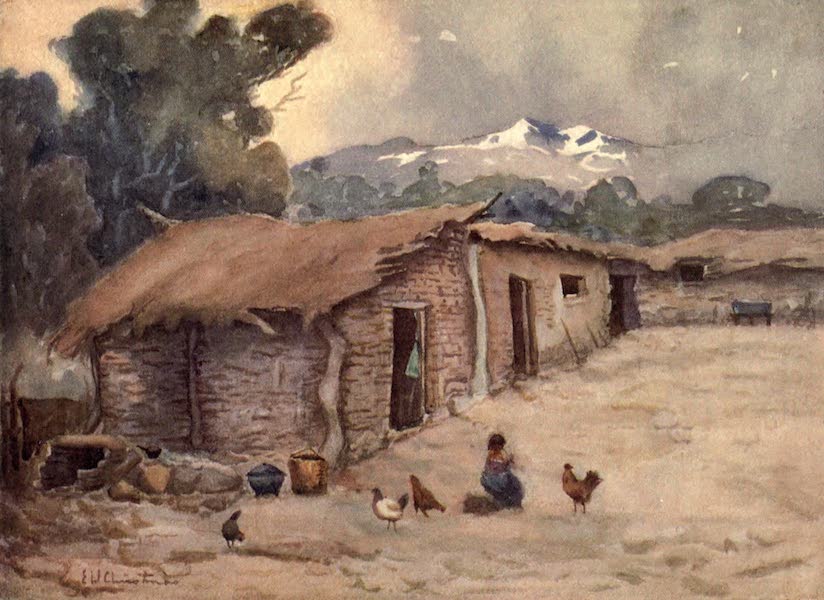 | A Paisano's Hut of the Chilian Frontier
|
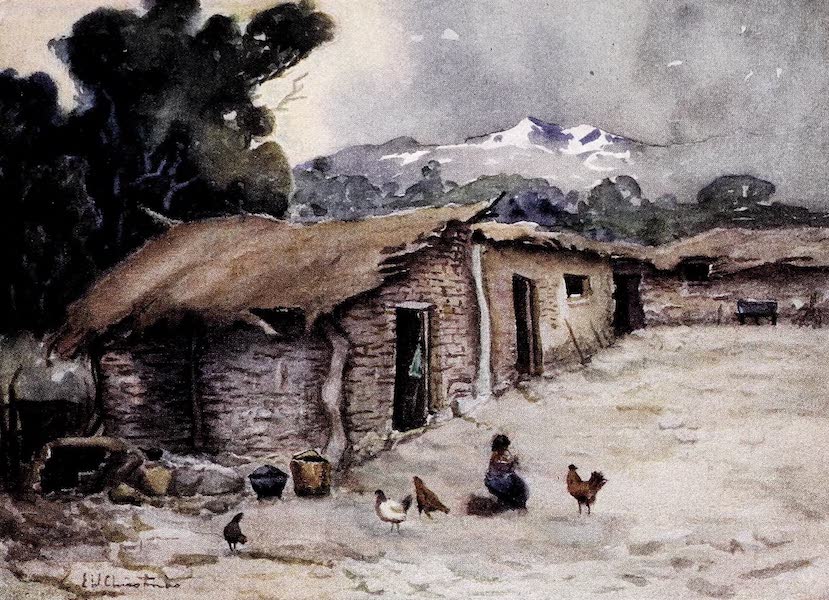 | A Paisano's Hut on the Chilean Frontier
|
 | A Paisano's Hut on the Chilean Frontier
|
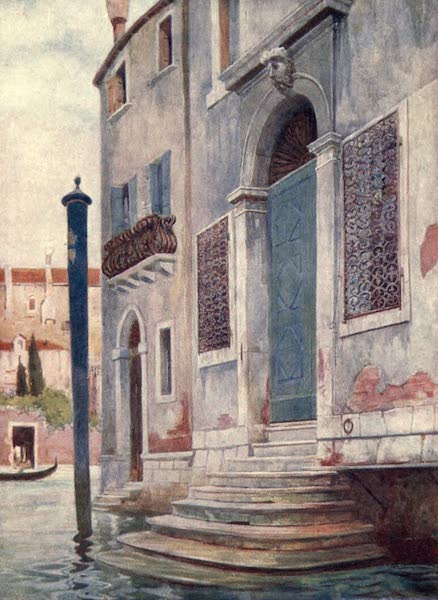 | A Palace Door
|
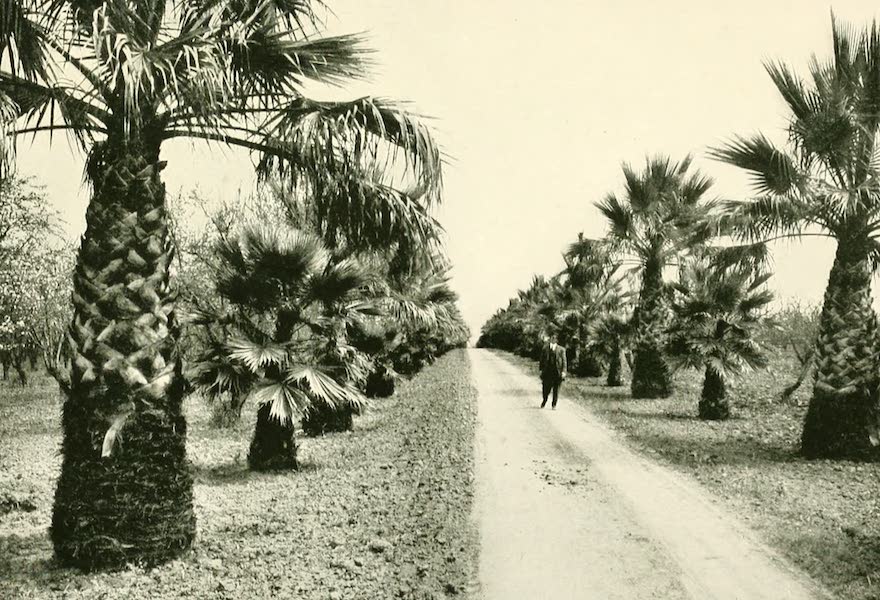 | A palm drive in the Santa Clara Valley
|
 | A Palm Grove in Murcia
|
 | A Pandour, or Red Mantle
|
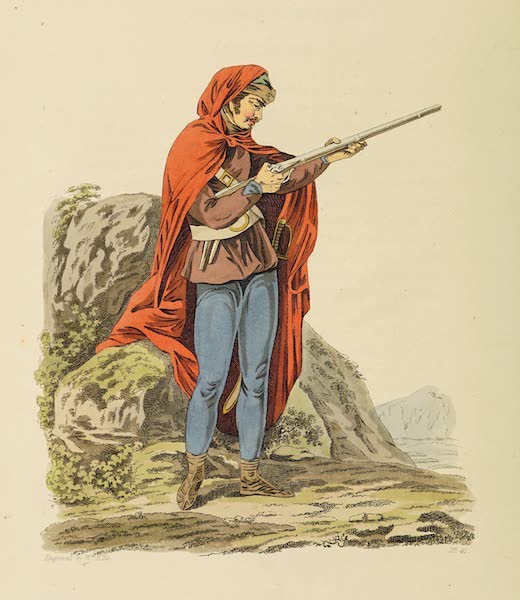 | A Pandour, or Red Mantle
|
 | A Panorama of Le from the Palace on the left to the Valley of the Indus on the right.
|
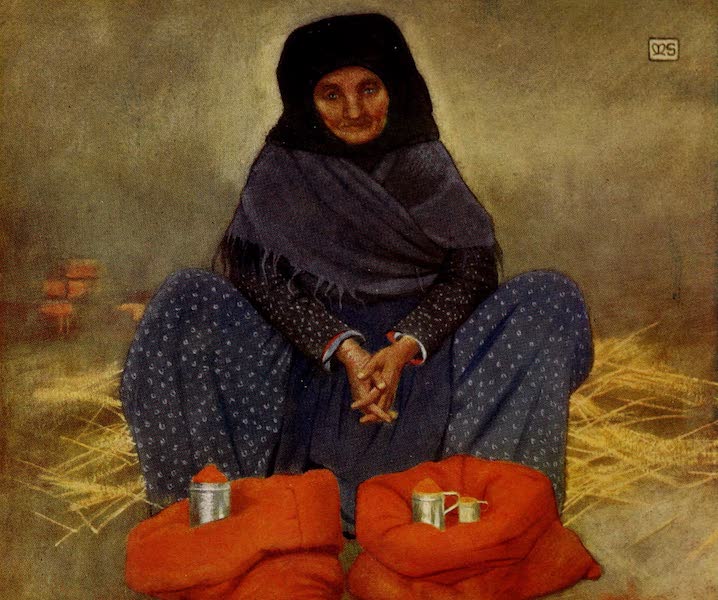 | A Paprika-Seller, Kalocsa
|
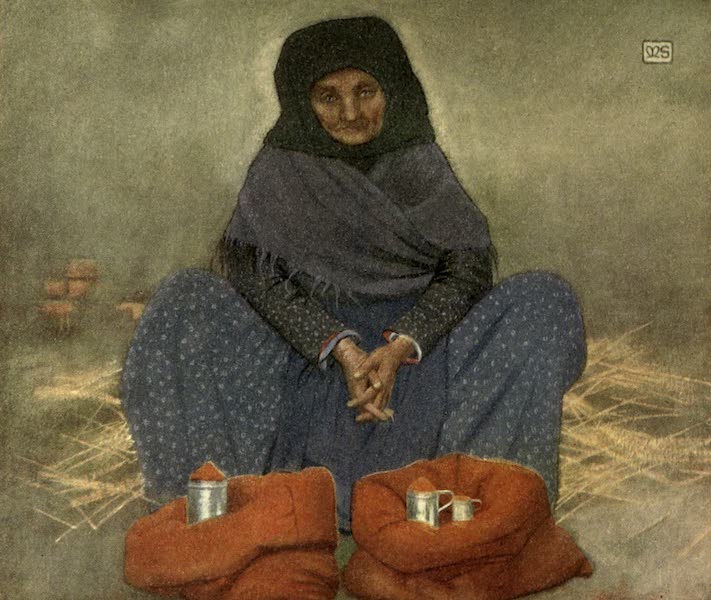 | A Paprika-Seller, Kalocsa
|
 | A Paradise
|
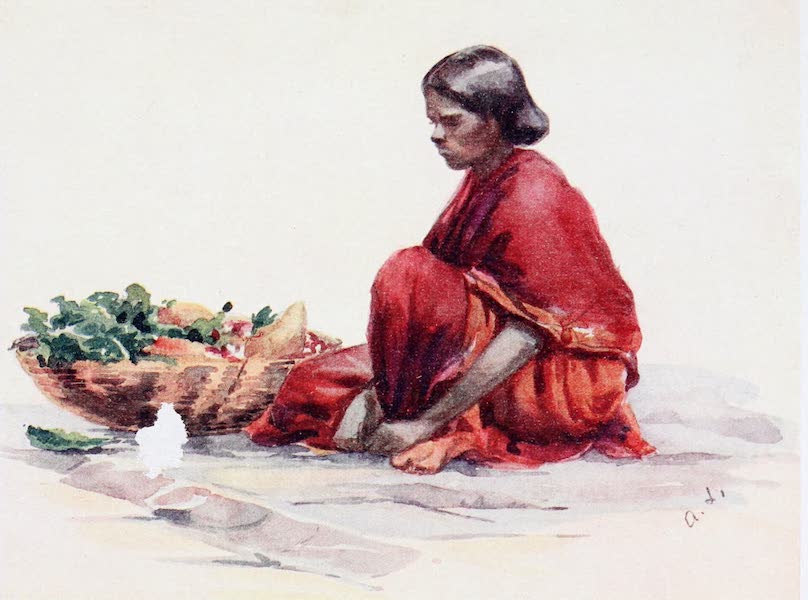 | A Pariah Woman
|
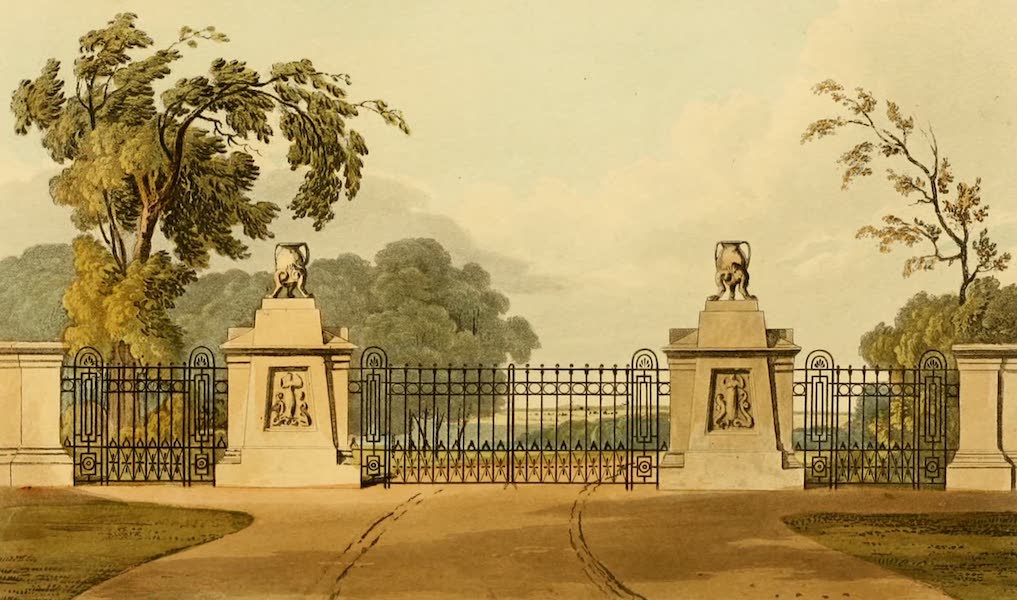 | A Park Entrance
|
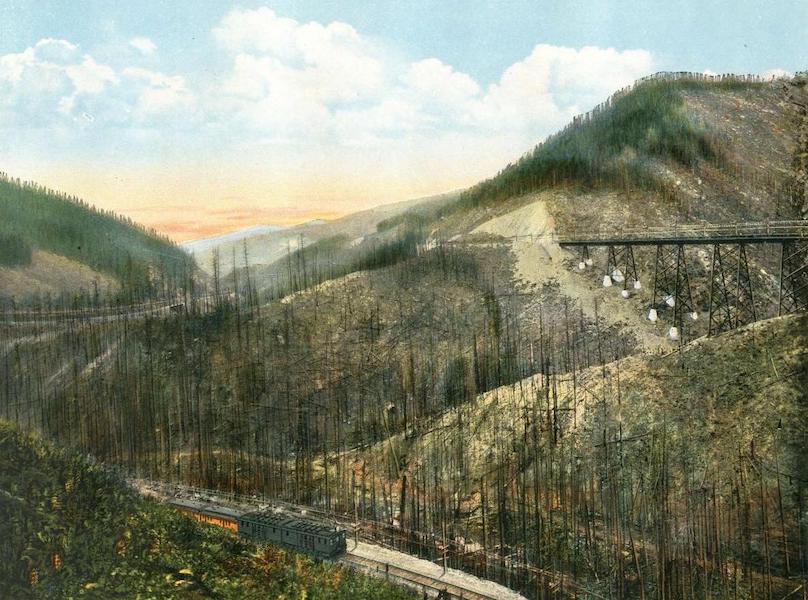 | A Part of the Great Loop, Bitter Root Mountains, Idaho
|
 | A Part of the Palace, Cintra
|
 | A Part of the River Niger & Chadda. Surveyed in 1832-3
|
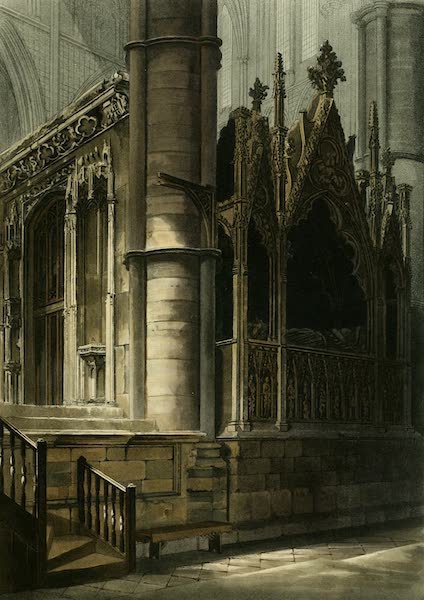 | A Part of the Screen of Edward the Confessor
[2 monuments] Part of the Screen of Edward the Confessor / Edmund Crouchback. |
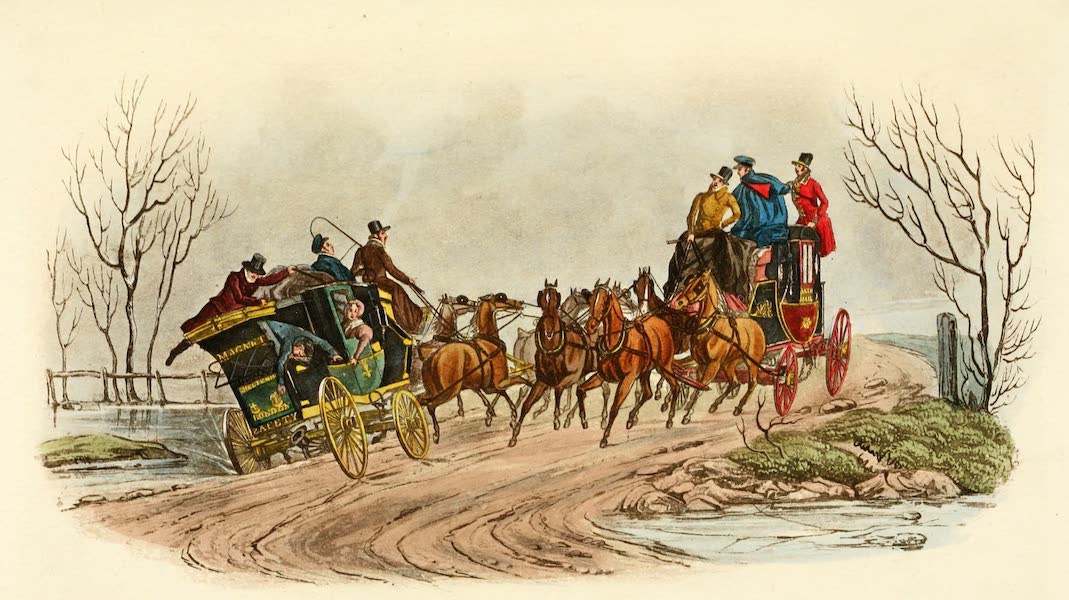 | A Passing Remark
|
 | A Passing Shower, Canyon of the Yellowstone
|
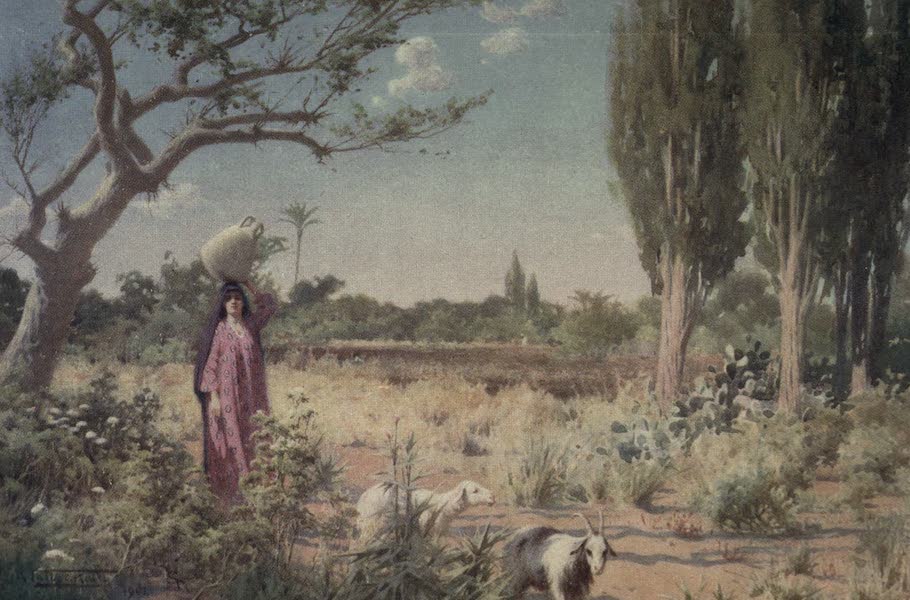 | A Pastoral near Damietta
|
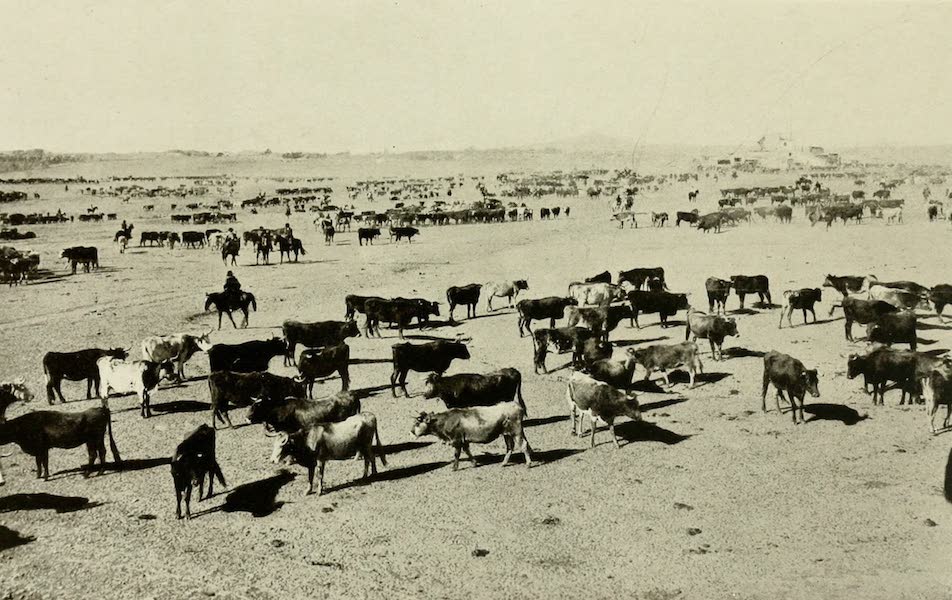 | A Pastoral Scene
|
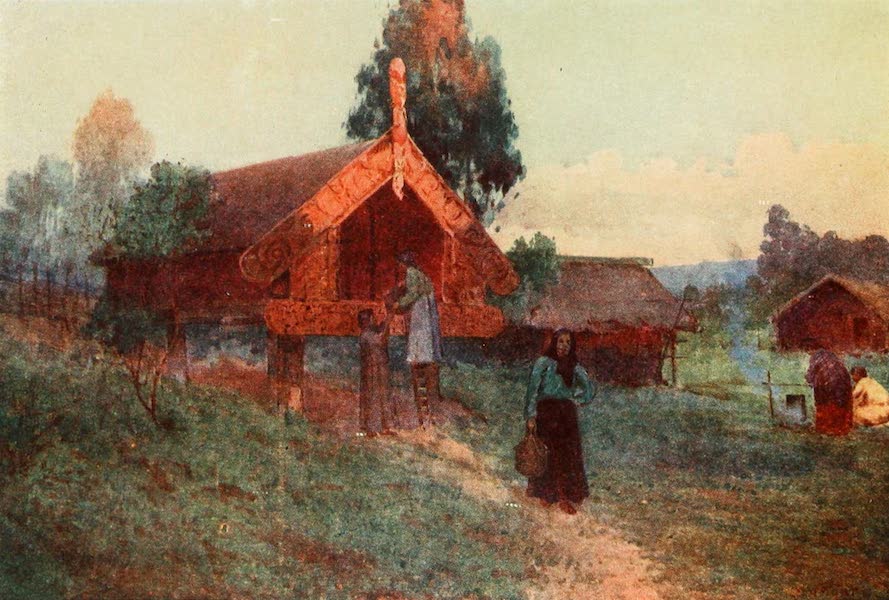 | A Pataka
|
 | A Path to the Village, Ockley
|
 | A Pathan Horseman
|
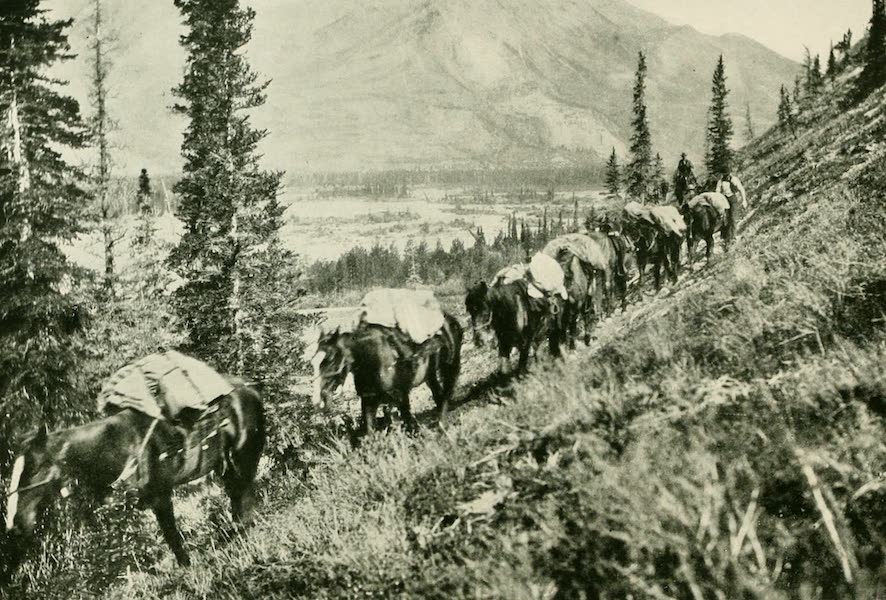 | A pathfinder's pack train
|
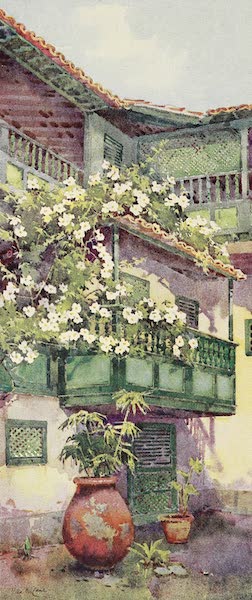 | A Patio
|
 | A Patriarch
|
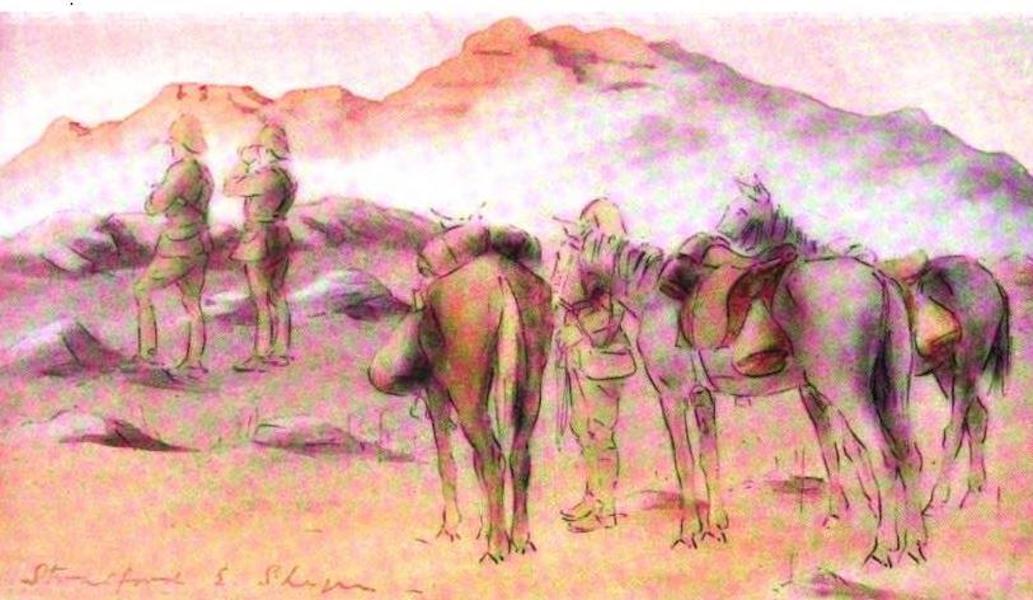 | A Patrol on the Ladybrand Road
|
 | A pavilion, belonging to an Hindoo Temple
Plate 21 from the fifth set of Thomas and William Daniell's 'Oriental Scenery' called 'Antiquities of India.' Temple pavilions are a current feature of South Indian architecture and they are used to place the images in at festival times. Tall and graceful pavilions such as this one at Mahabalipuram with its tall granite pillars and brick and plaster tower probably had a swing on which to place small bronze images. It was erected during the 17th or 18th Century, and has now lost most of its tower. |
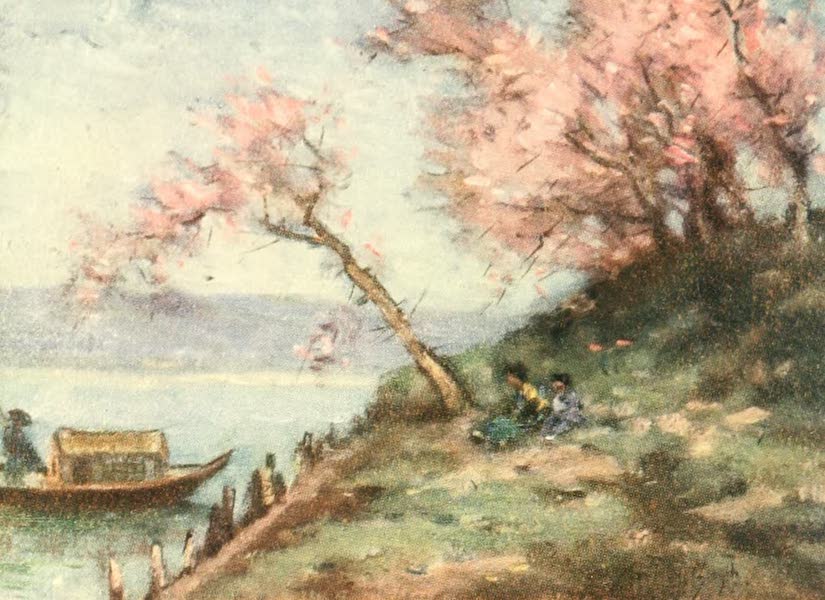 | A peaceful Corner on a placid Lake
|
 | A Peasant
|
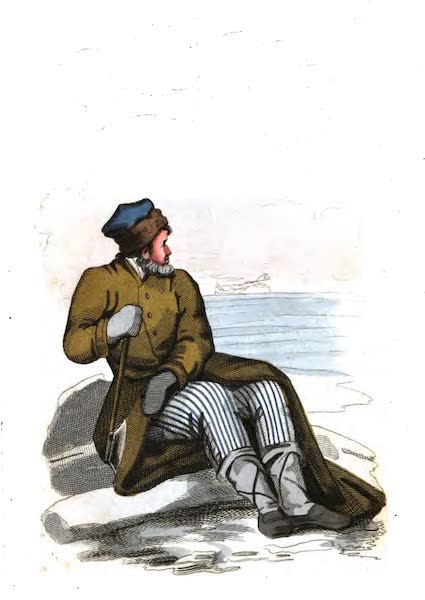 | A Peasant
|
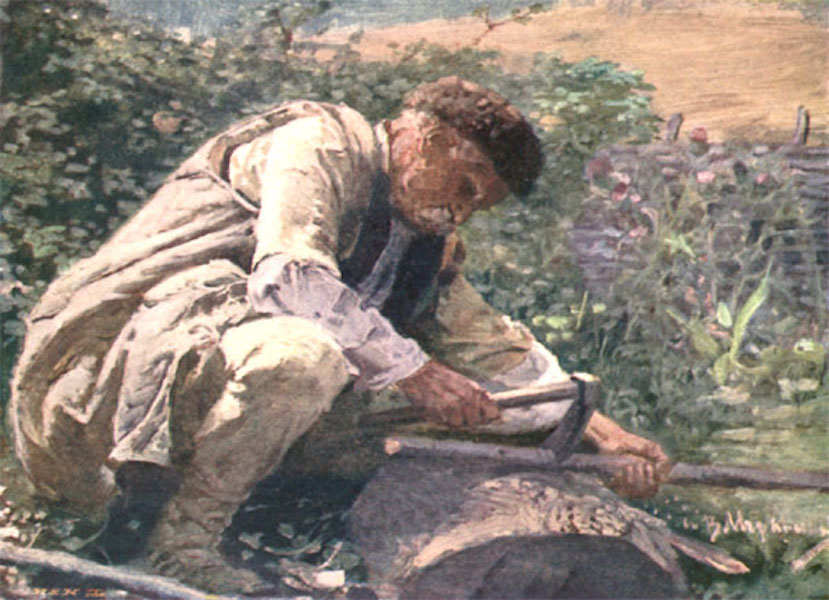 | A Peasant at Work-District of Tsaribrod
|
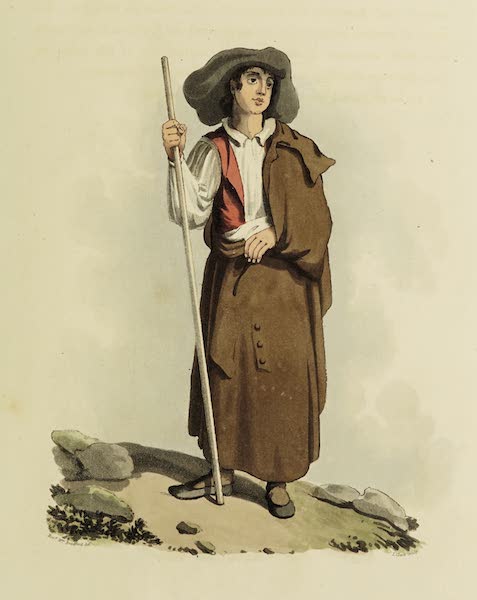 | A Peasant Boy of Nisa
|
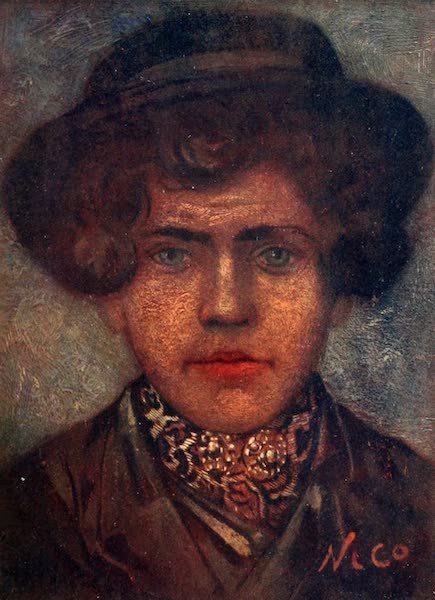 | A Peasant Boy of the Land of Goes
|
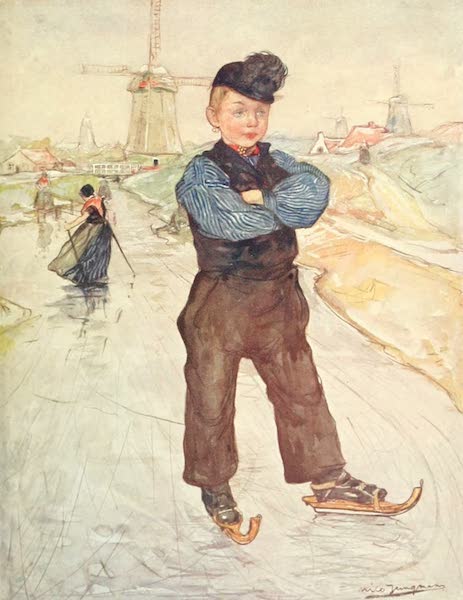 | A Peasant Boy of Veere on Skates
|
 | A Peasant Boy of Veere on Skates
|
 | A Peasant Child of Normandy
|
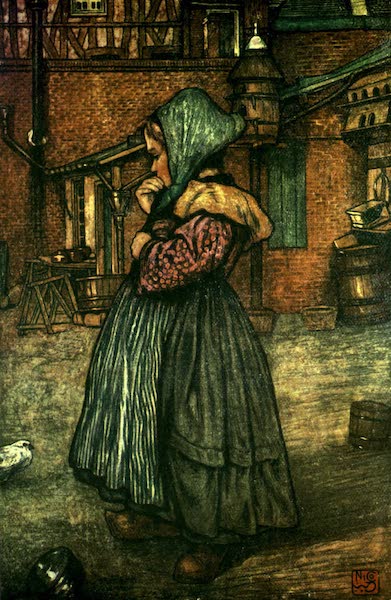 | A Peasant Child of Normandy
|
 | A Peasant Girl of Goes
|
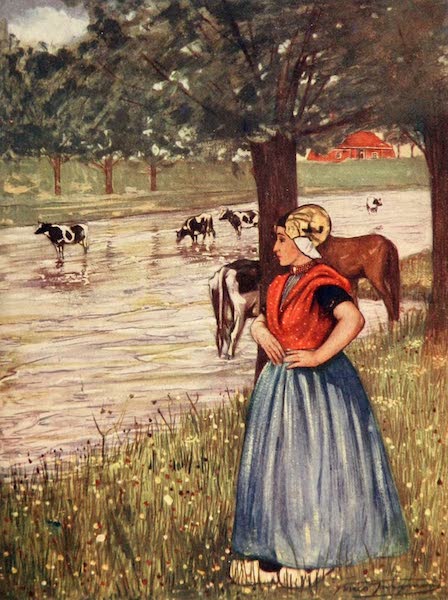 | A Peasant Girl of Goes
|
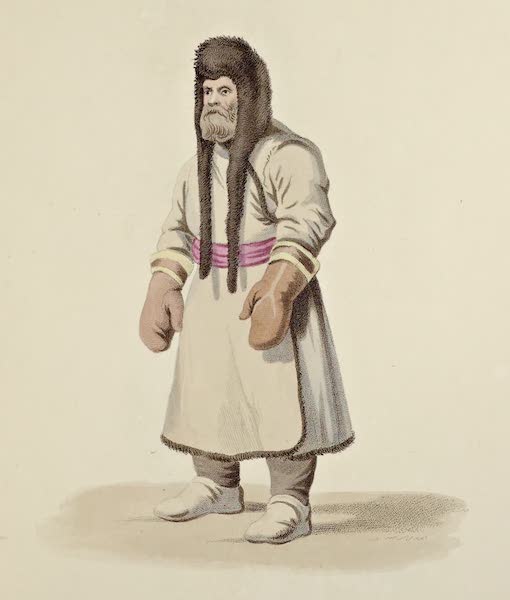 | A Peasant in a Too Loop
|
 | A Peasant of Finland
|
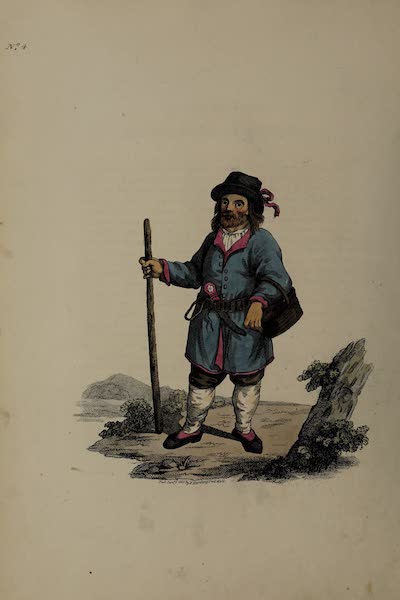 | A Peasant of Finland
|
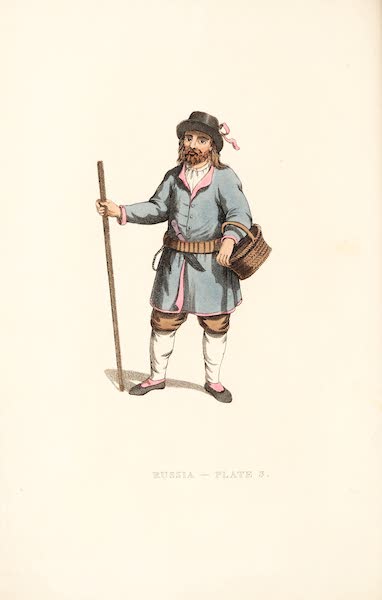 | A Peasant of Finland
|
 | A Peasant of Finland in his Winter Dress
|
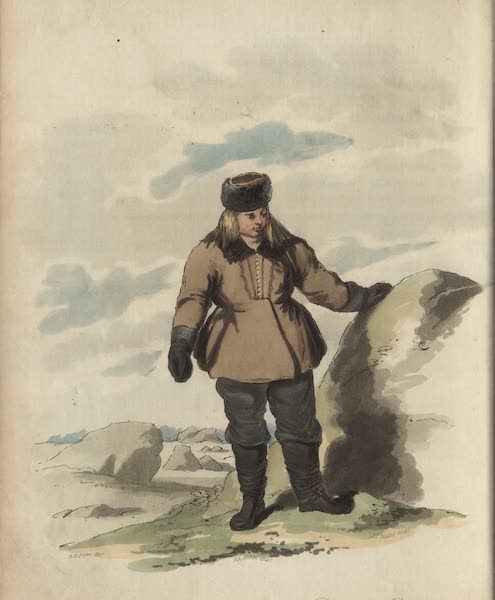 | A Peasant of Finland in His Winter Dress
|
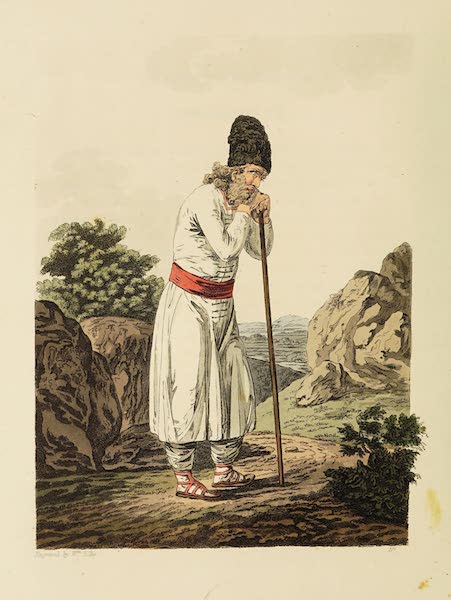 | A Peasant of Flipovan, in the Bokowine
|
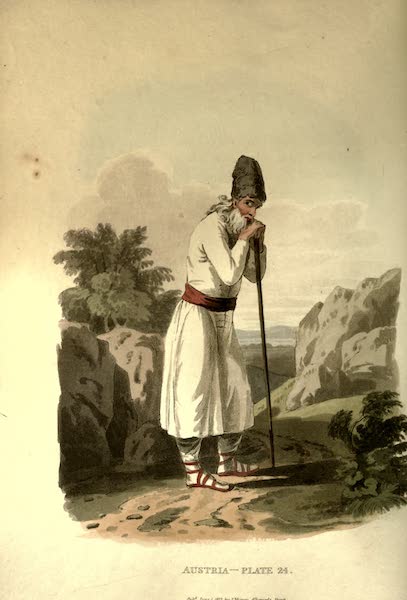 | A Peasant of Flipovan, in the Bukowine
|
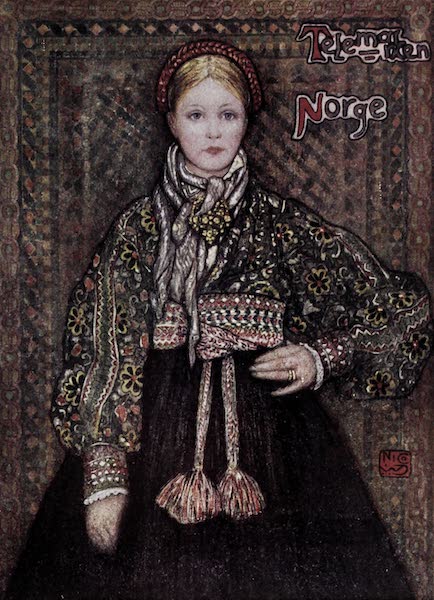 | A Peasant of Saetersdalen
|
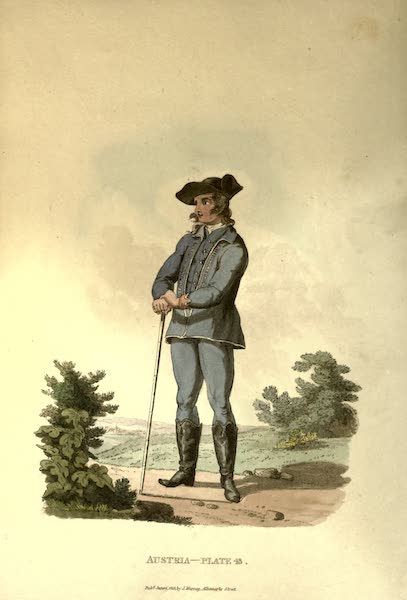 | A Peasant of the Lowlands of Moravia in his Summer Dress
|
 | A Peasant of the Lowlands of Moravia, in his Summer Dress
|
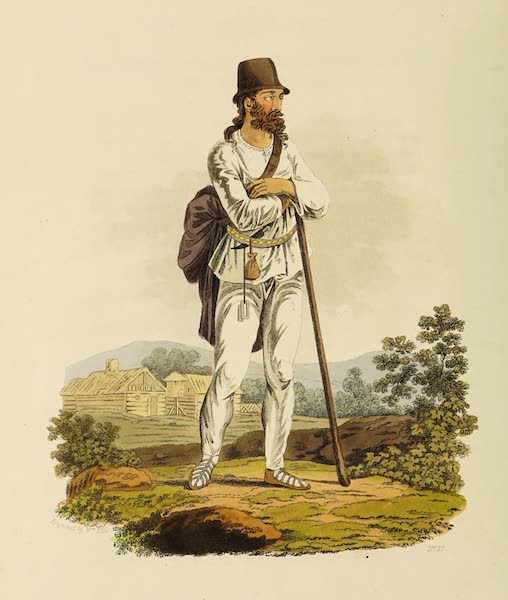 | A Peasant of the Neighbourhood of Hermanstadt, in Transylvania
|
 | A Peasant of the Neighbourhood of Hermenstadt, in Transylvania
|
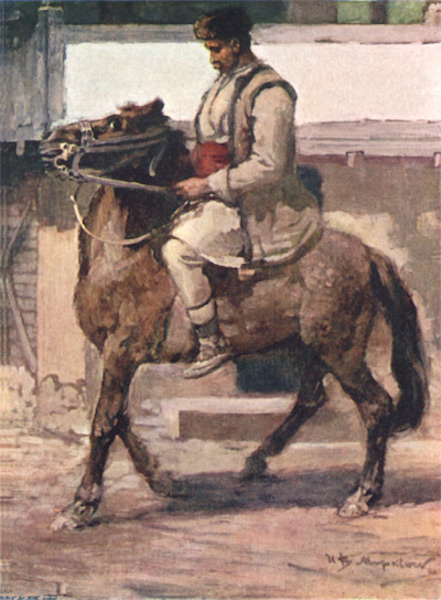 | A Peasant of the Tsaribrod District
|
 | A Peasant of Upper Austria
|
![A Peasant of Upper Austria [Frontispiece]](https://historyarchive.org/images/books/books-t/the-costume-of-the-hereditary-states-of-the-house-of-austria-1804/plates/04-a-peasant-of-upper-austria.jpg) | A Peasant of Upper Austria [Frontispiece]
|
 | A Peasant of Upper Carniola
|
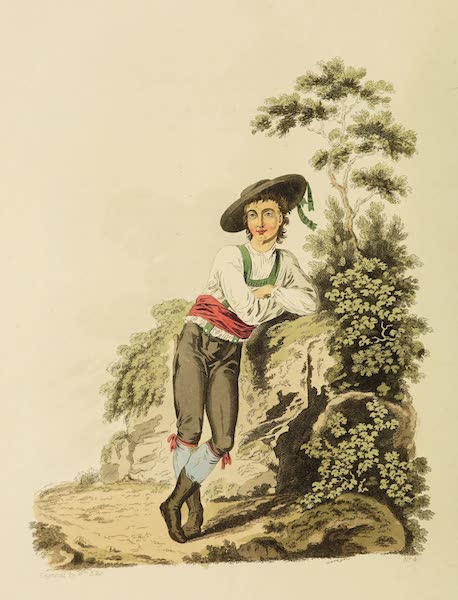 | A Peasant of Upper Carniola
|
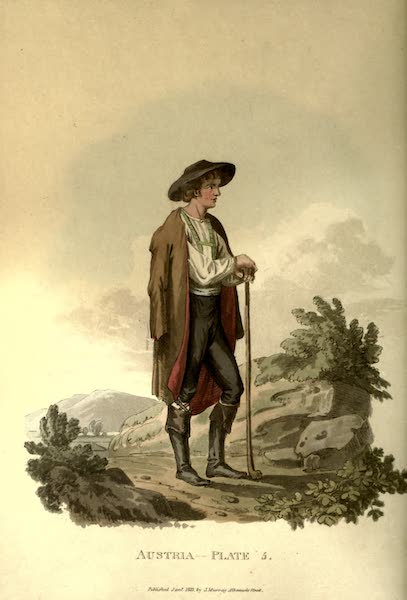 | A Peasant of Upper Carniola in his Summer Dress
|
 | A Peasant of Upper Carniola in his Summer Dress
|
 | A Peasant of Upper Carniola in his Winter Dress
|
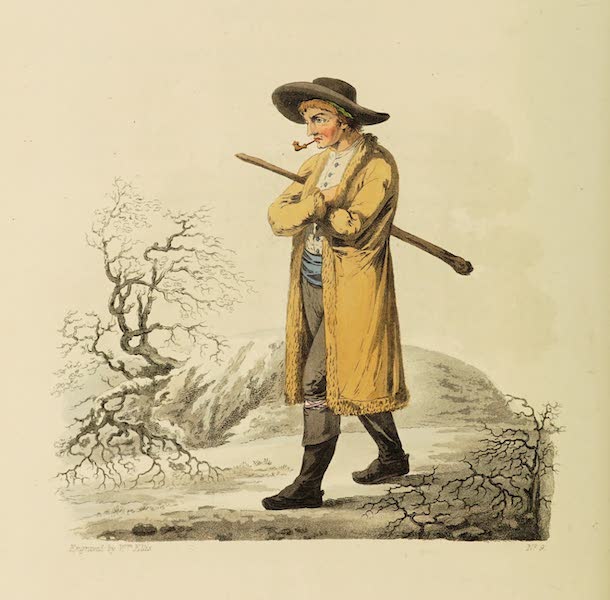 | A Peasant of Upper Carniola in his Winter Dress
|
 | A Peasant Woman of the Ardennes
|
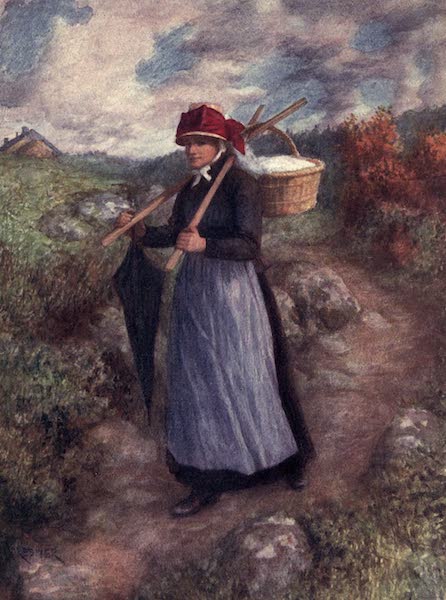 | A Peasant Woman of the Ardennes
|
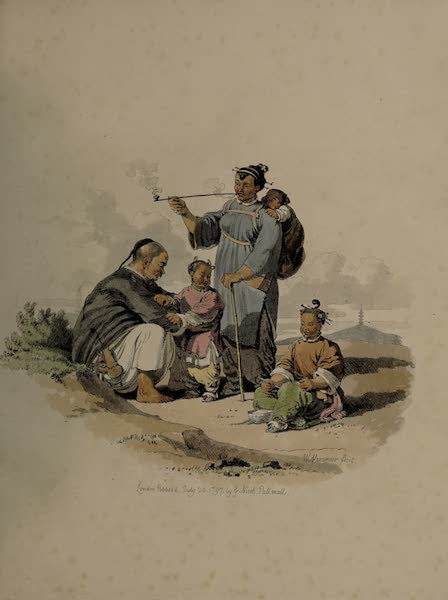 | A Peasant, with his Wife and Family
|
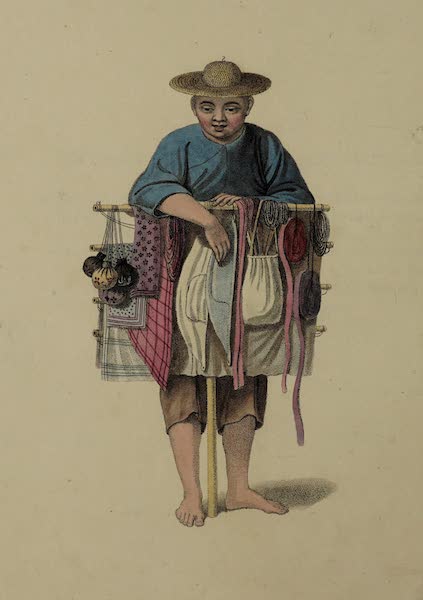 | A Pedlar
|
 | A Pedlar and his Slave
|
 | A Peep of Old Montreux, over Veraye : Winter Evening
|
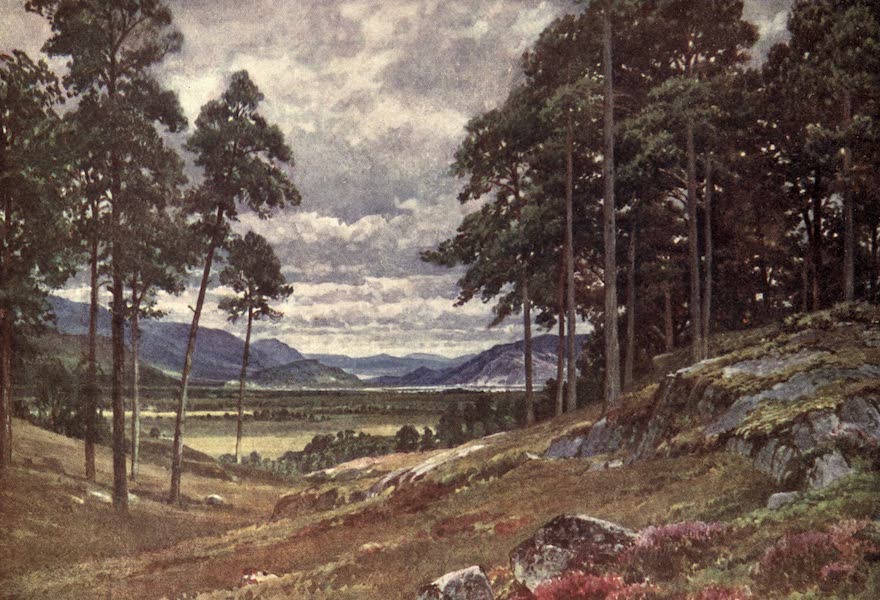 | A Peep of the Grampians, Inverness-shire
|
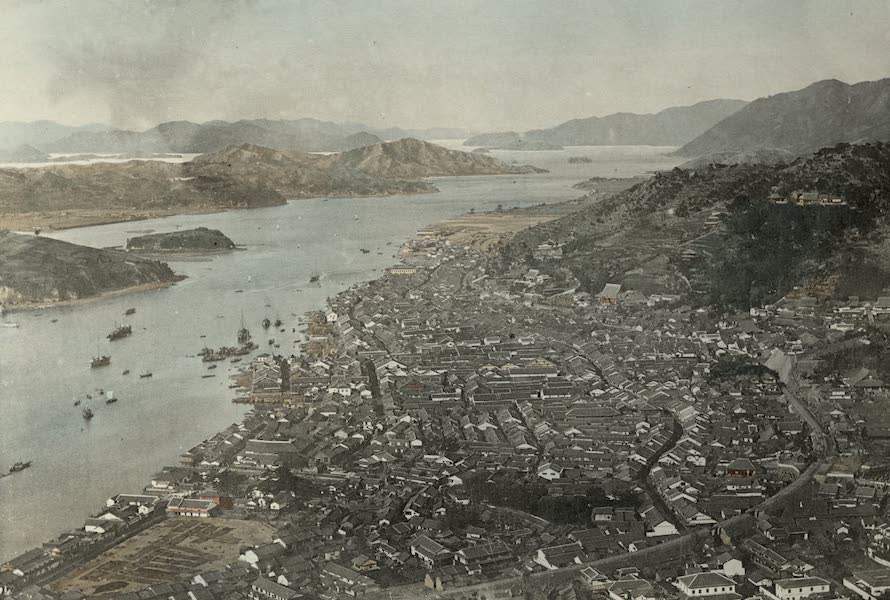 | A Peep of the Inland Sea near Onomichi
|
 | A Peep on the Brockenhurst Road. Early Spring
|
 | A Performing Horse from the Alwar State
|
 | A Perfume is best from afar
|
 | A Pergola in Pasadena
|
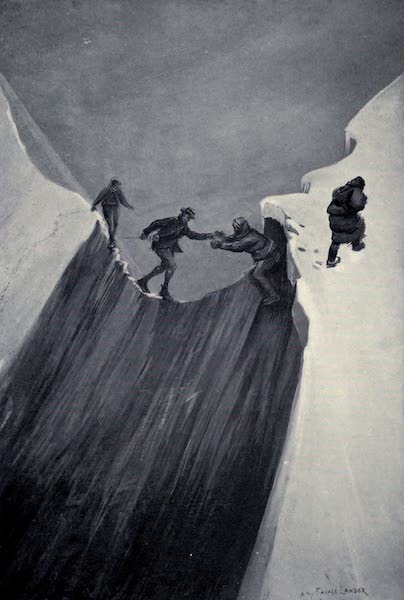 | A Perilous Crossing
|
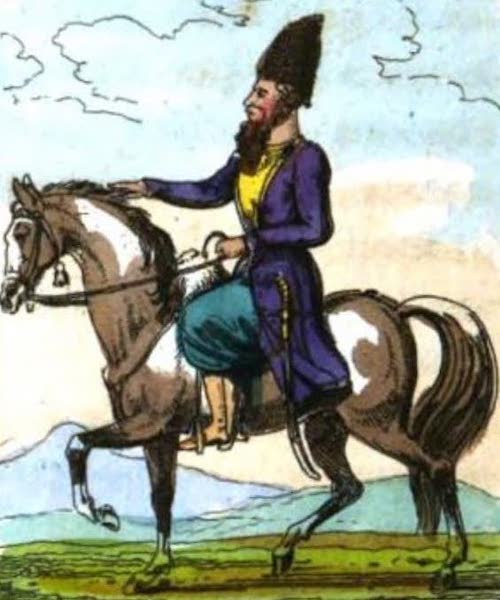 | A Persian
|
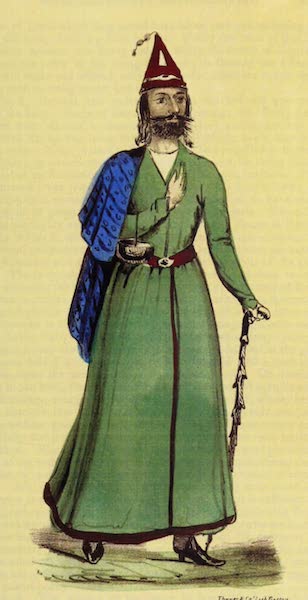 | A Persian Dervish
|
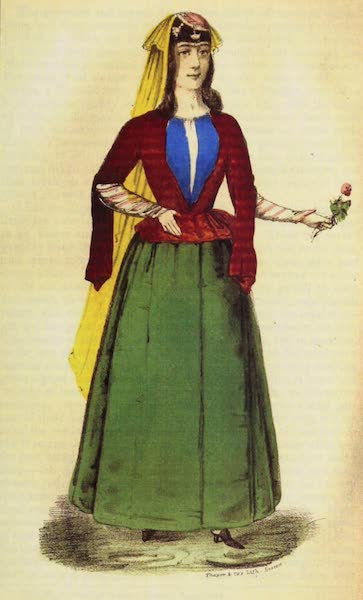 | A Persian Lady at Home
|
 | A Persian Lady veiled to go abroad
|
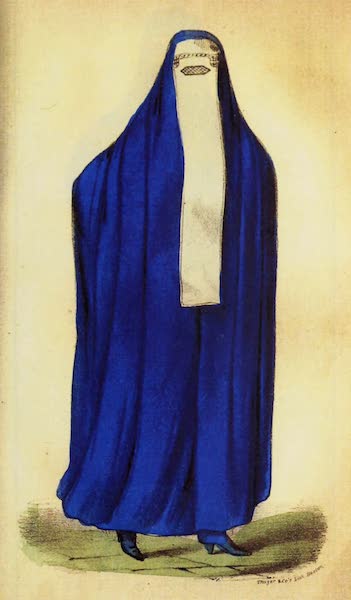 | A Persian Lady veiled to walk abroad
|
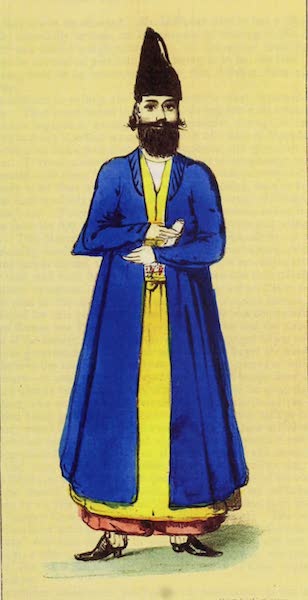 | A Persian Meerza, or Scribe
|
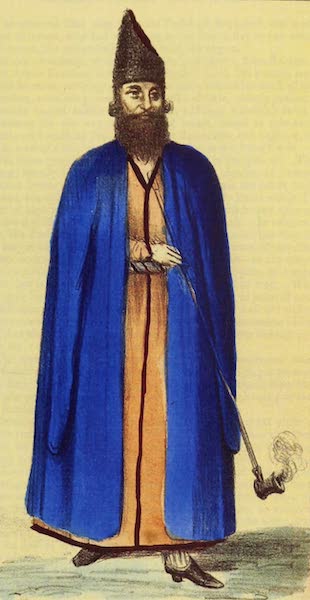 | A Persian Merchant
|
 | A Persian Muleteer, with his Winter Cloak of Goatskin
|
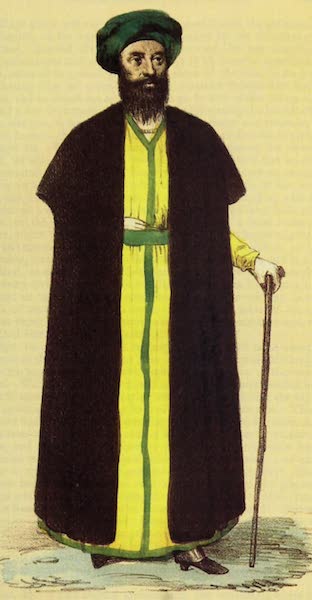 | A Persian Seyed, or Lineal Descendant of Mohammed
|
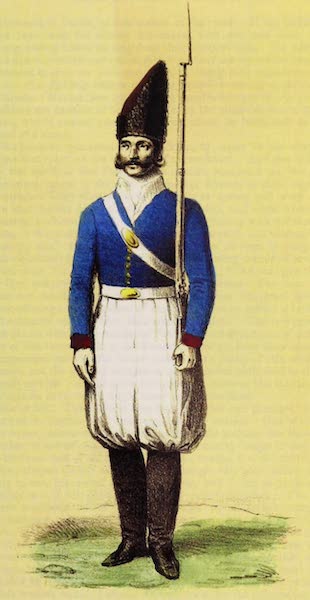 | A Persian Soldier
|
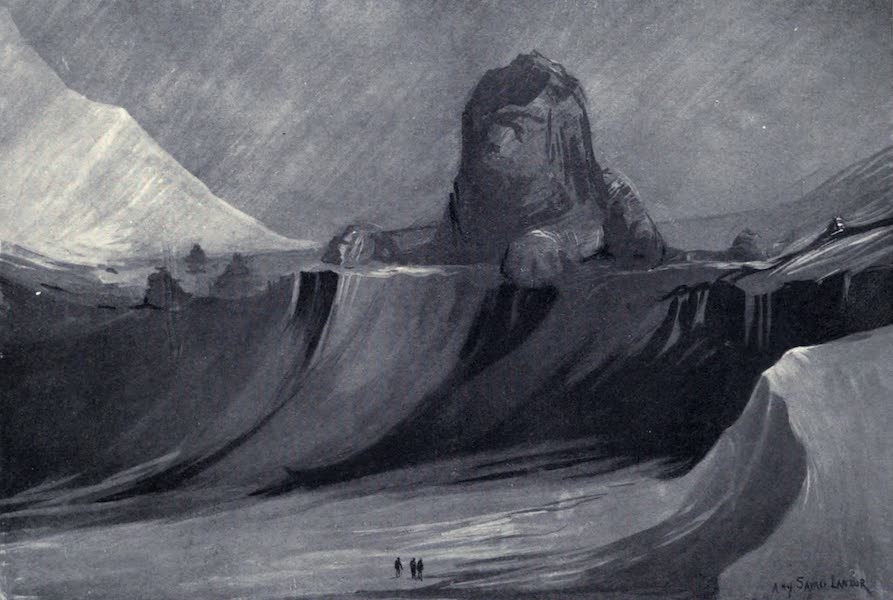 | A Phantom Lion of Gigantic Proportions
|
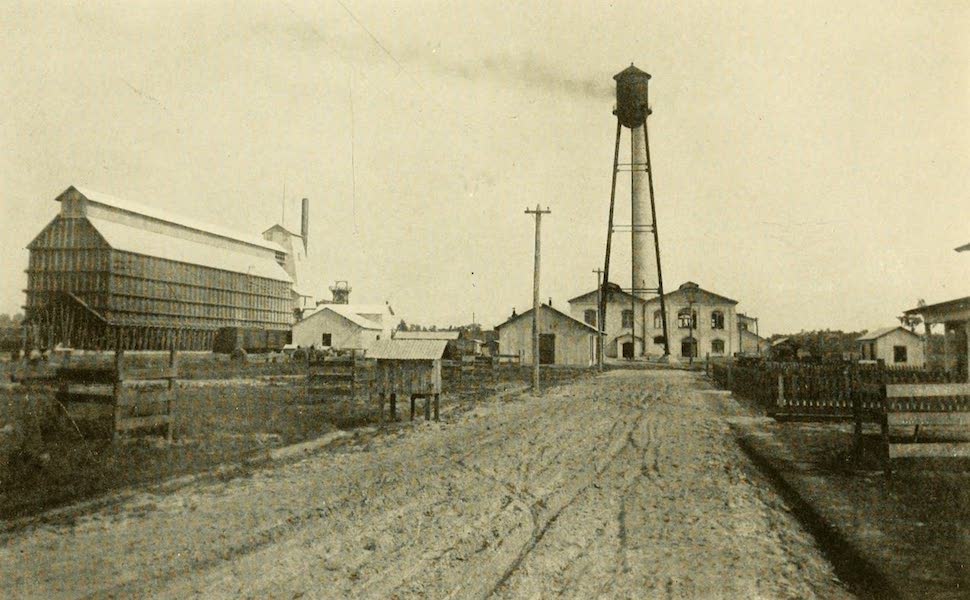 | A Phosphate Plant, near Lakeland
|
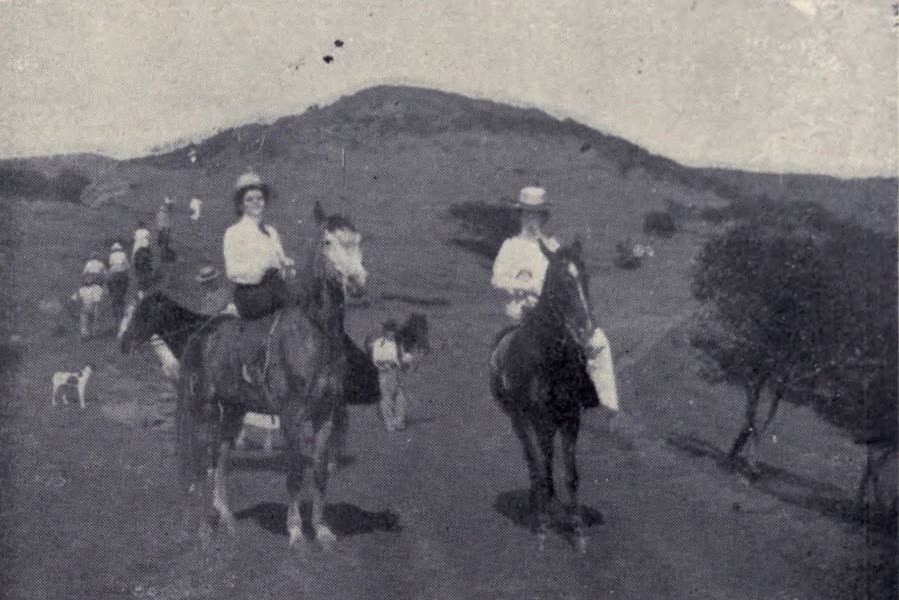 | A Picnic on the Hills
|
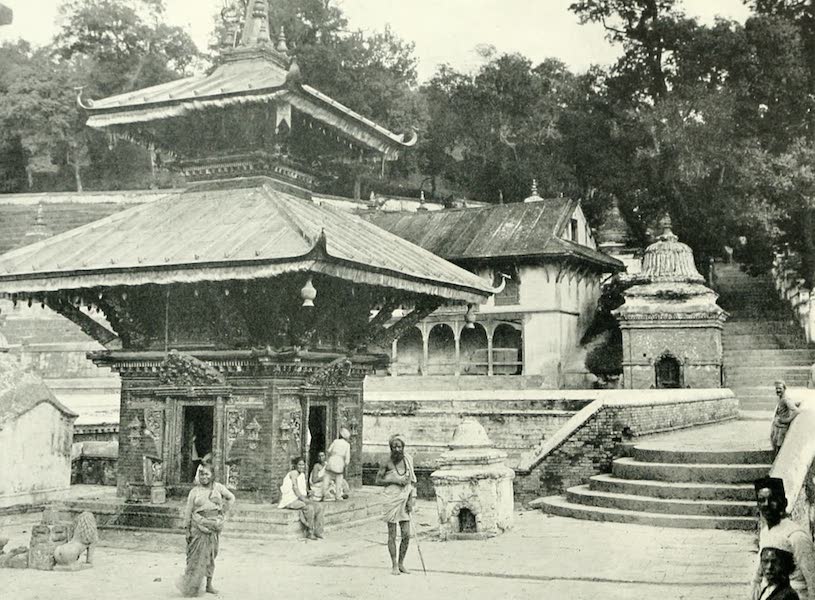 | A Picturesque Corner, Pashpatti
|
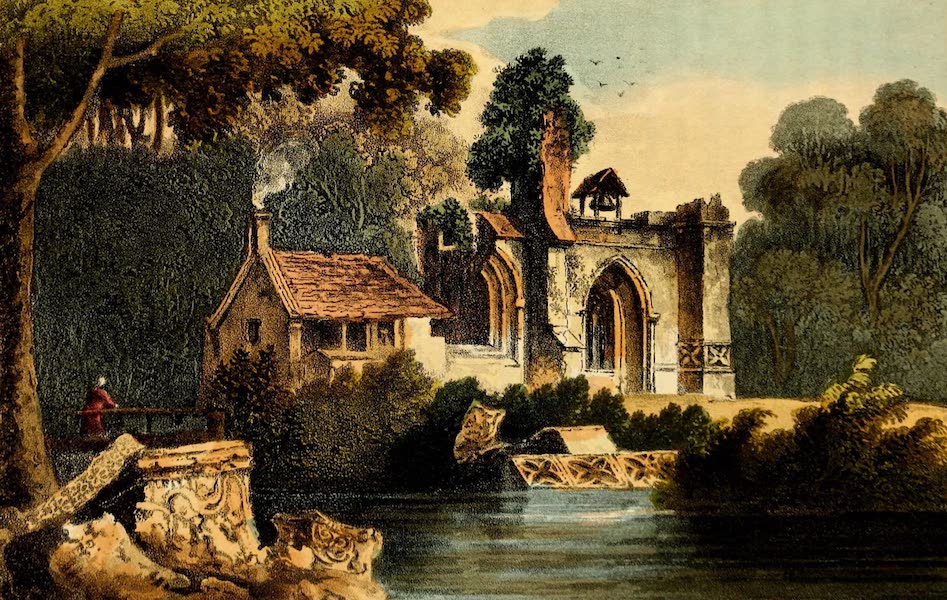 | A Picturesque Dairy
|
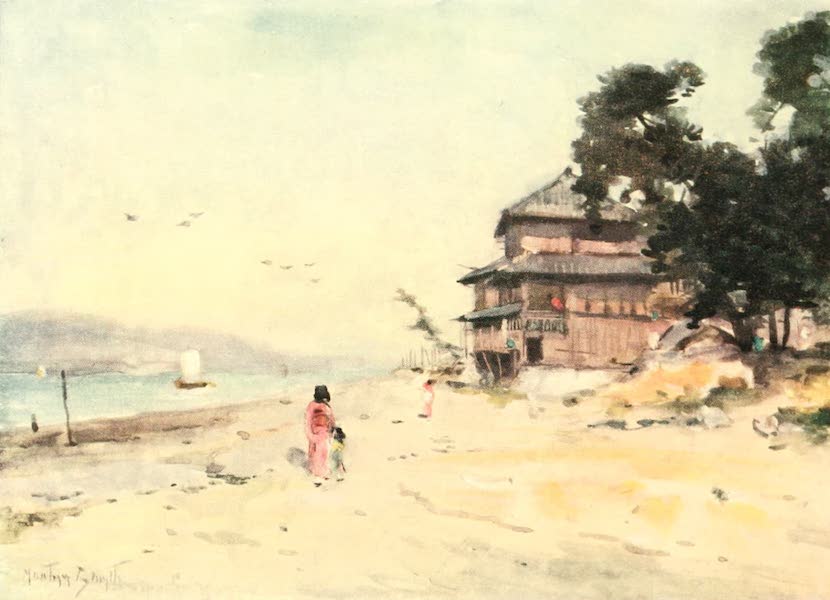 | A Picturesque Home by a lonely Shore
|
 | A Picturesque Old Fellow
|
 | A Piece of Mummy Case
|
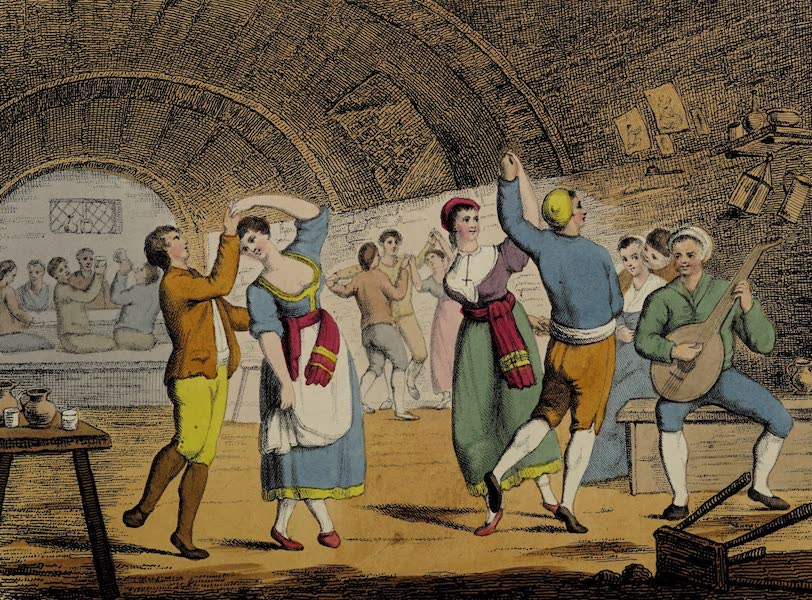 | A Piedmontese Dance
|
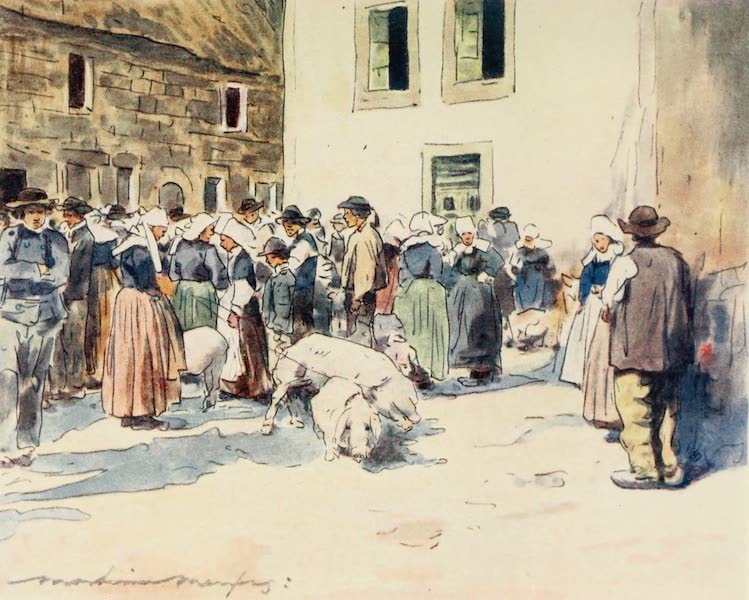 | A Pig-Market
|
 | A Pillow-seller
|
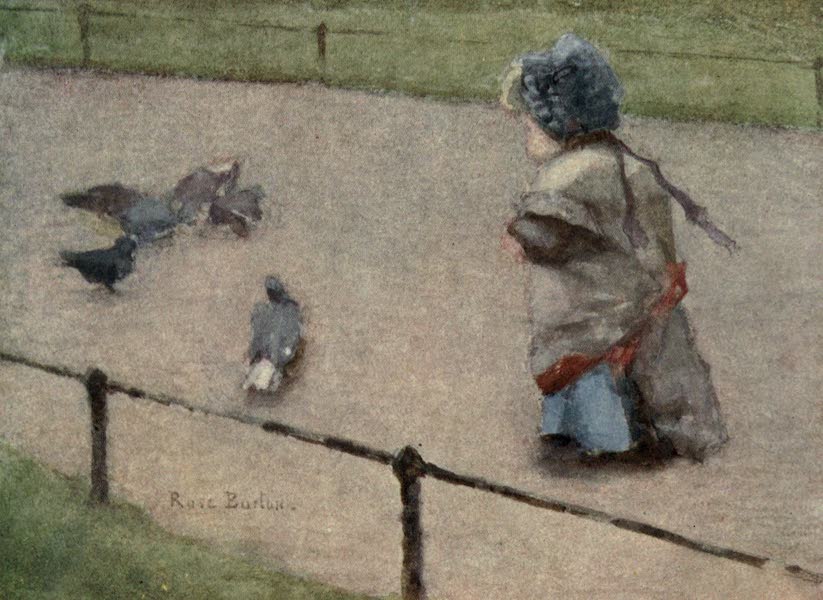 | A Pinch of Salt
|
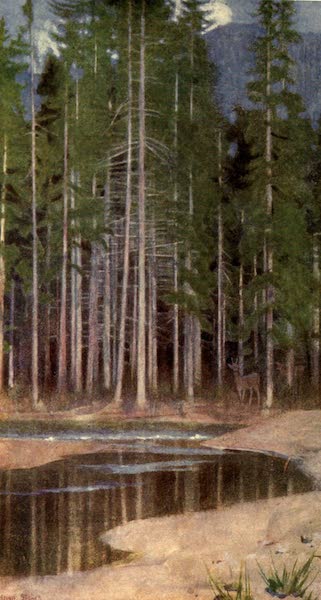 | A Pine Forest in the Tatra
|
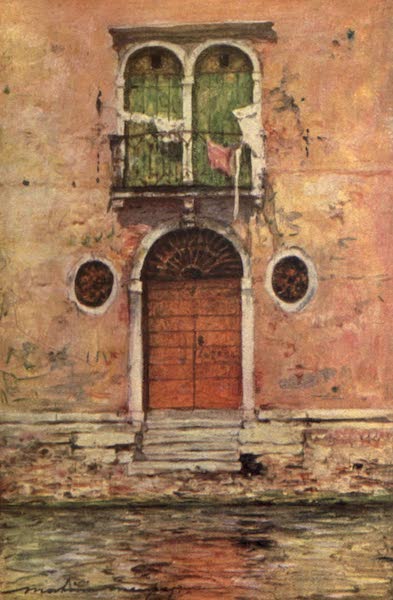 | A Pink Palace
|
 | A Pioneer Factory
|
 | A Pipe-seller
|
 | A Plan of Ancient Jerusalem
|
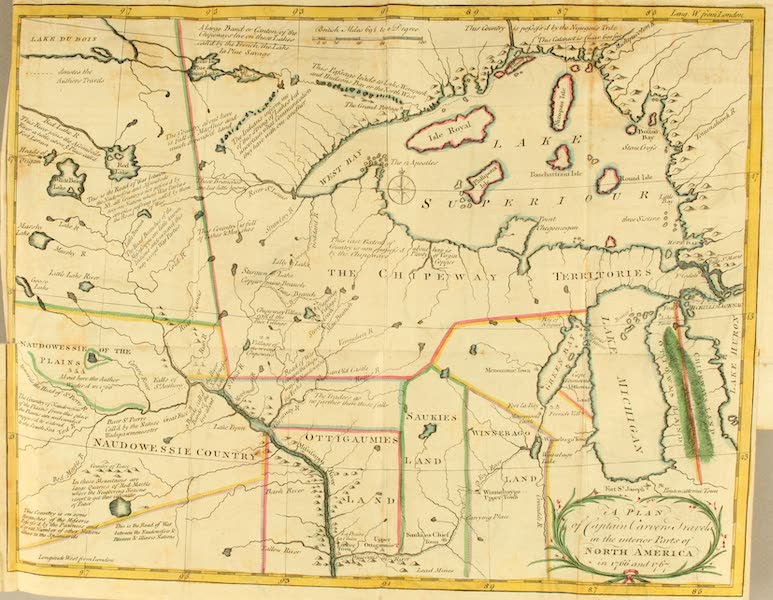 | A Plan of Captain Carver's Travels in the Interior Parts of North America
|
 | A plan of the city and harbour of Macao
A plan of the city and harbour of Macao, a colony of the Portugueze, situated at the soutbcrn extremity of the Chinese empire; containing references to all the forts, colleges, convents, and other public buildings and places of note; and also the depth of water, and nature of the ground, in every part of the inner harbour, as well as in the space between the peninsula and the northern entrance into the Typa; taken from an accurate survey made by a gentleman long resident on the spot. |
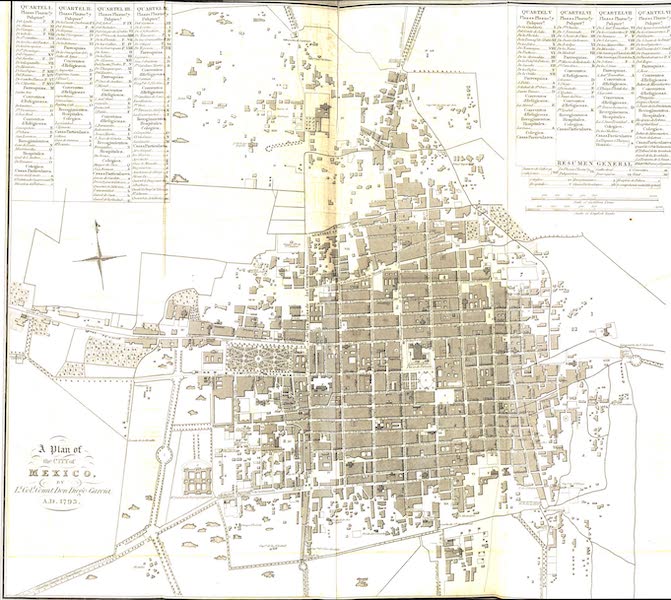 | A Plan of the City of Mexico by Lt. Col. Don Diego Garcia - AD 1793
|
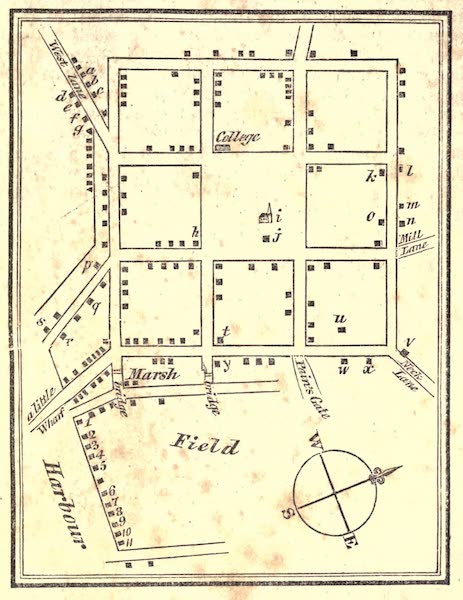 | A Plan of the Town of New Haven taken by Mr. Joseph Brown in the Year 1724
|
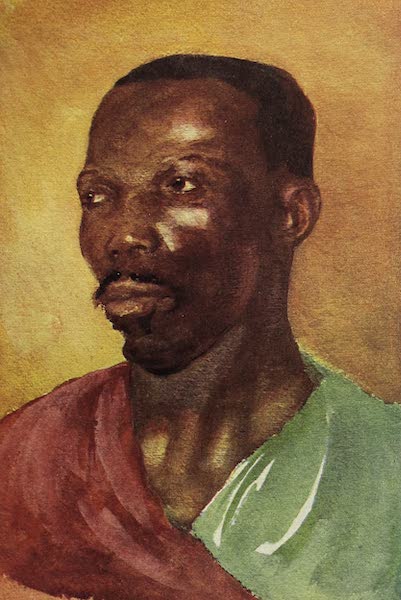 | A Plantation Laborer
|
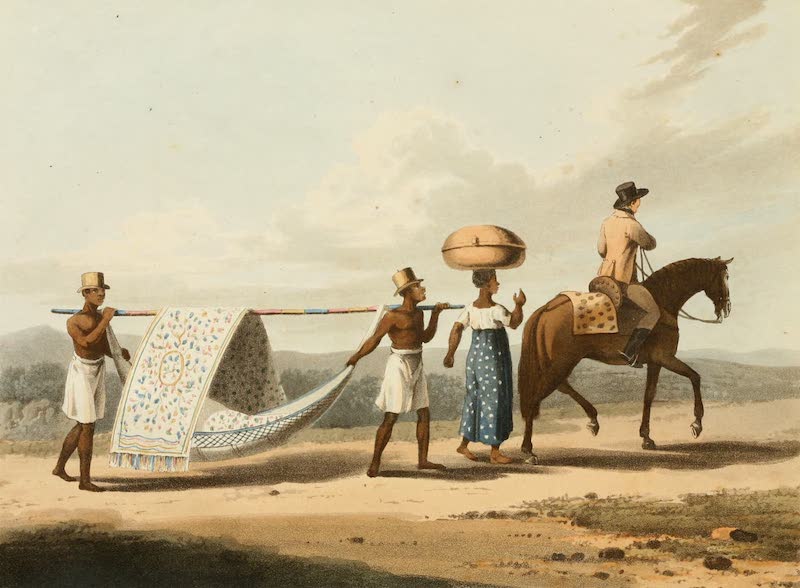 | A Planter and His Wife on a Journey
|
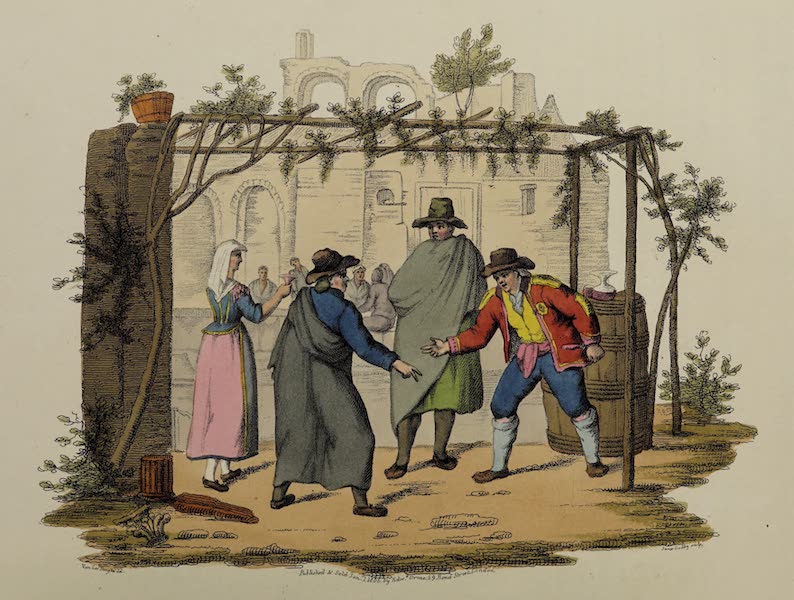 | A Play with the Fingers called Mora
|
 | A Pleasure Cart
|
 | A Polish Hut
|
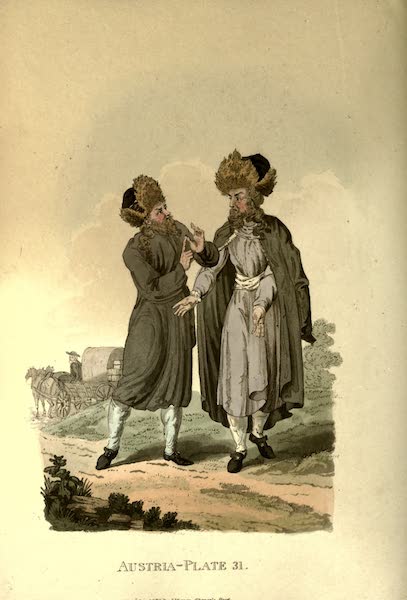 | A Polish Jew
|
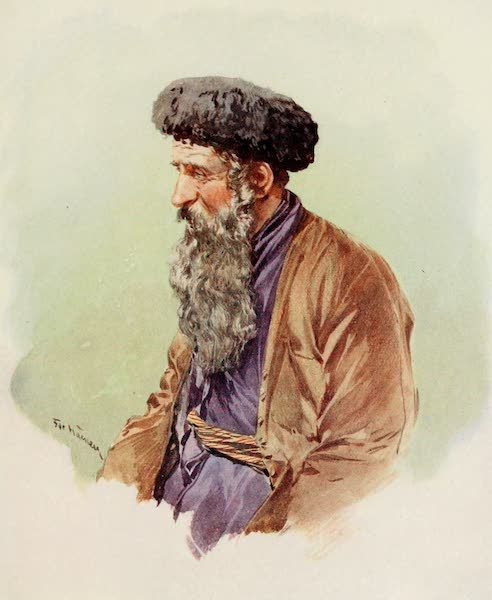 | A Polish Jew
|
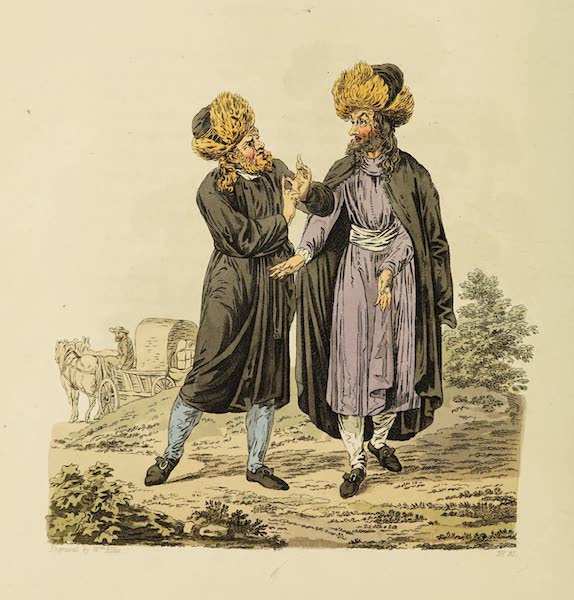 | A Polish Jew
|
 | A Polish Jewess
|
 | A Polish Jewess
|
 | A Polygar's Knife. A Persian Dagger and Sheath. A Malay Kris. A Case of Hunting-knives, Or Couteaux de chasse. Robroy's Dirk. A Tartar Sword in Brass-mounted Shagreen Scabbard
|
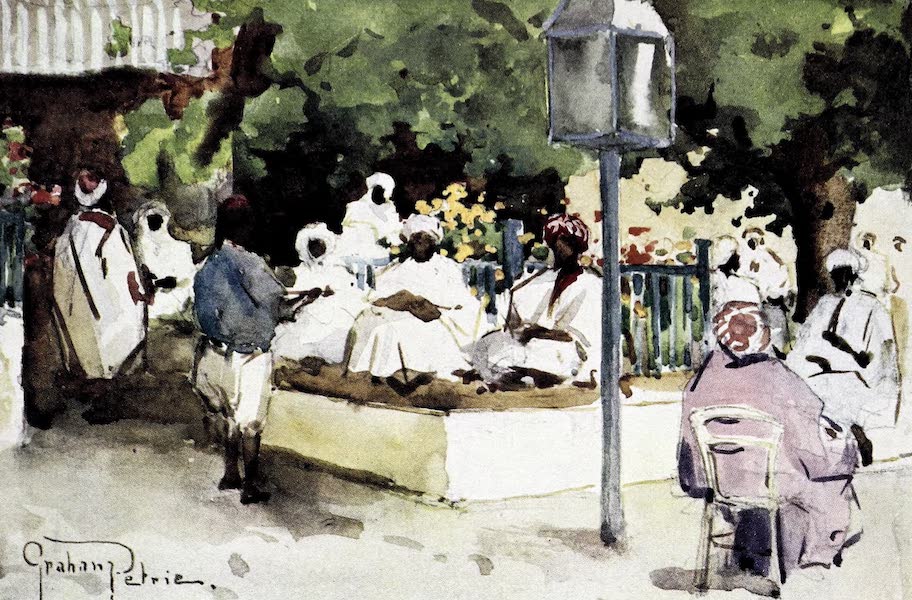 | A Popular Cafe, Tunis
|
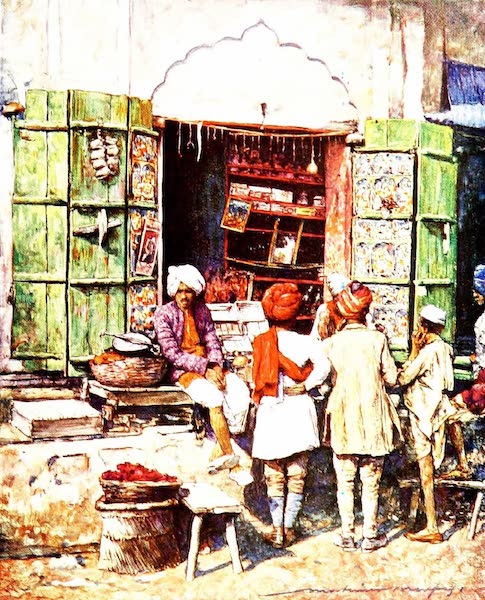 | A Popular Stall
|
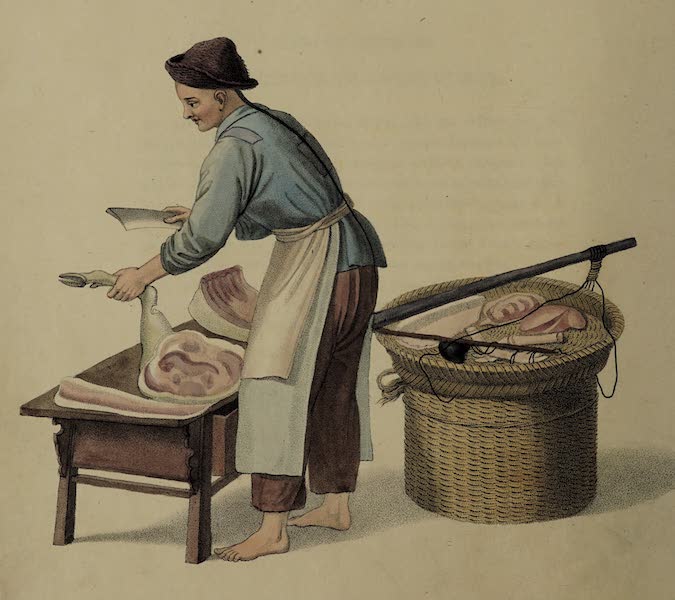 | A Pork-butcher
|
 | A Porter with Fire-wood
|
 | A Porter with Fruit-trees and Flowers
|
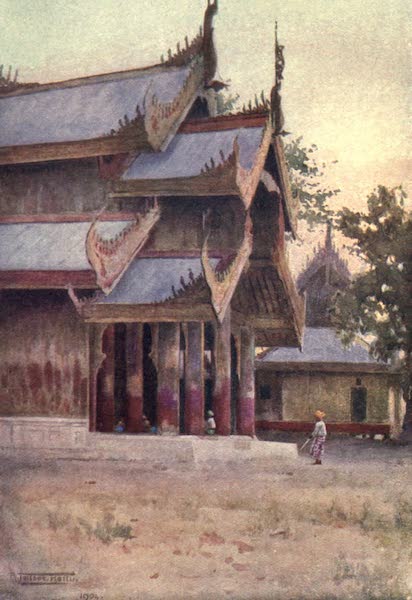 | A Portico of the Palace - Mandalay
|
 | A Portion of Chaudiere Falls from the north Ottawa River, Canada
|
 | A Portion of Cochise's Stronghold, near Tombstone, Arizona
|
 | A Portion of the Campus, University of Arizona, Tuscan
|
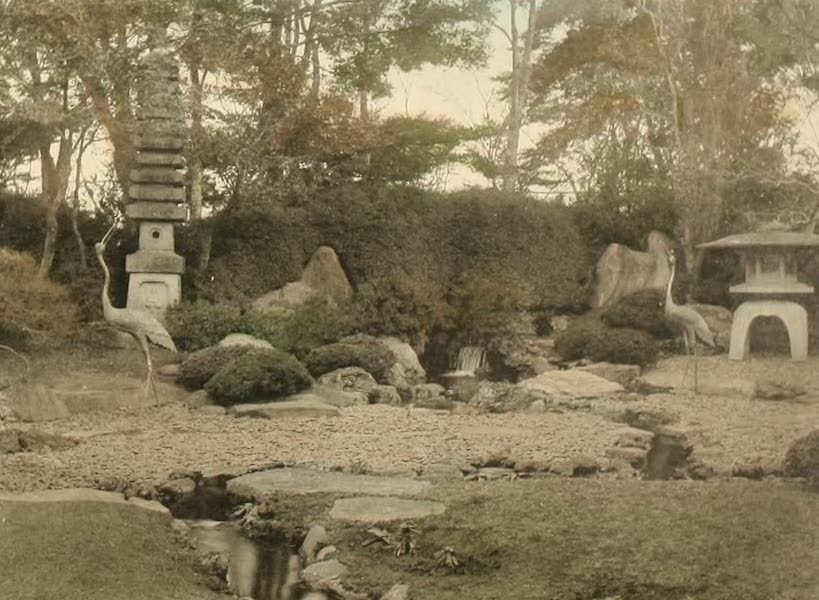 | A portion of the garden showing the stone lanterns and bronze storks.
|
 | A Portuguese Gentleman
|
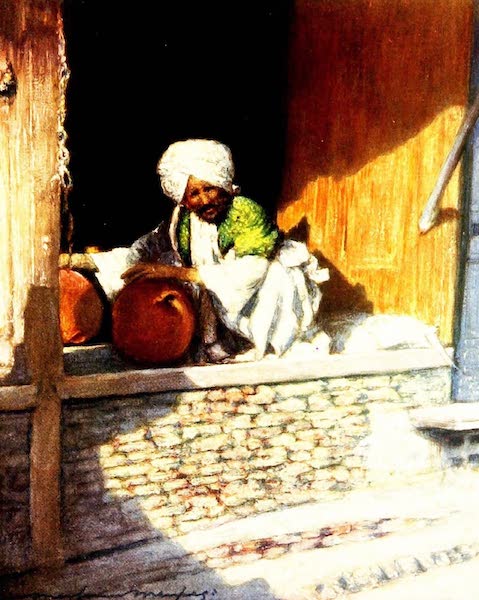 | A Potter
|
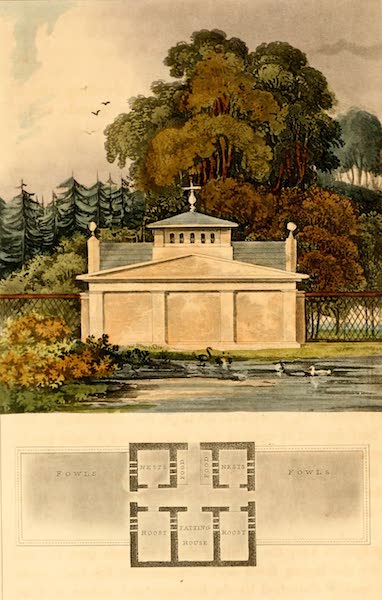 | A Poultry House
|
 | A Pretty Coldstream View, Vernon, B.C.
|
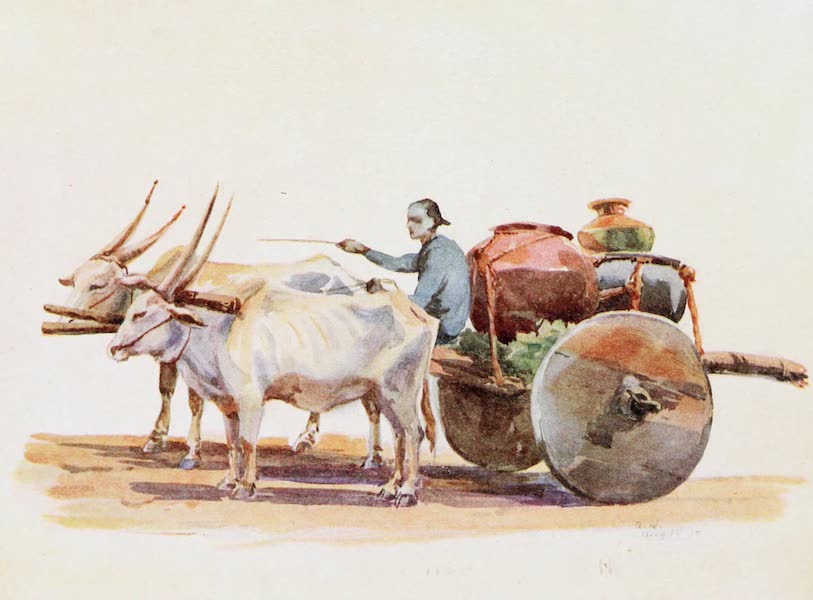 | A Primitive Water-Cart of Mysore
|
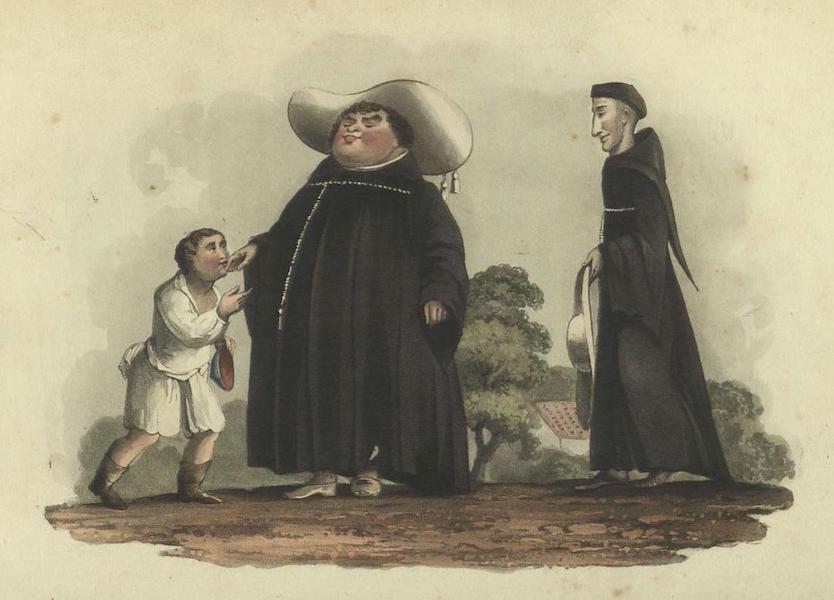 | A Prior of the Order of St. Francis and a Lay Brother
|
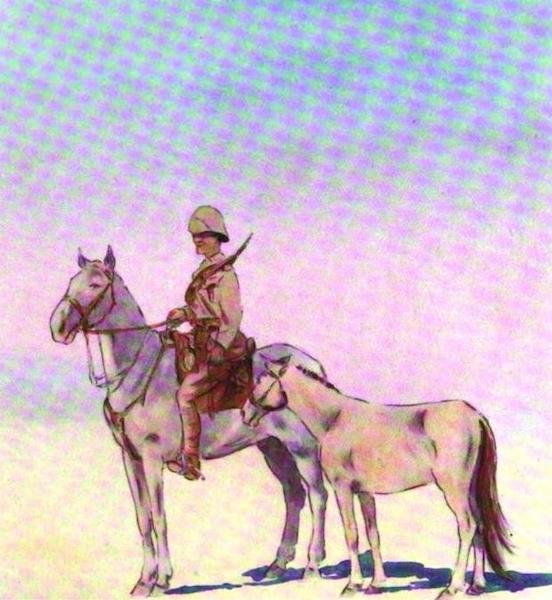 | A Prisoner
|
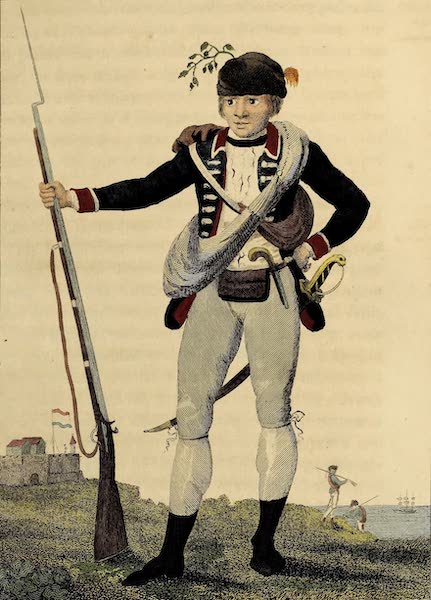 | A private Marine of Col. Fourgeoud's Corps
|
 | A Private of French Infantry
|
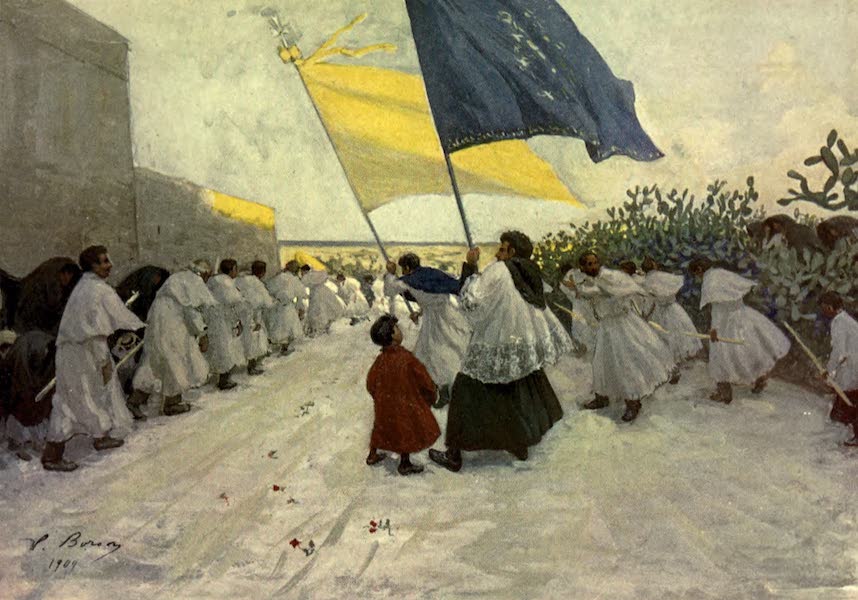 | A Procession at Sunset at Citta Vecchia, Malta
|
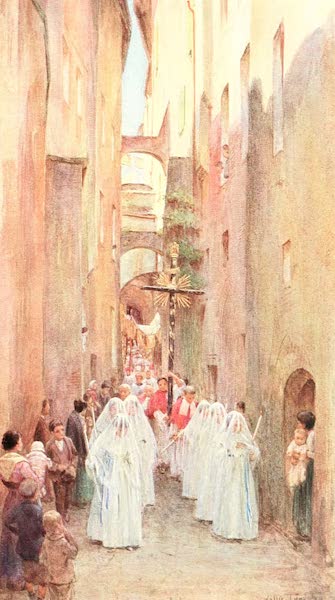 | A Procession in San Remo
|
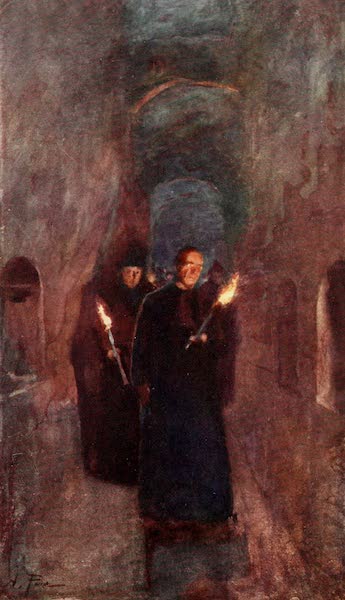 | A Procession in the Catacomb of Callistus
|
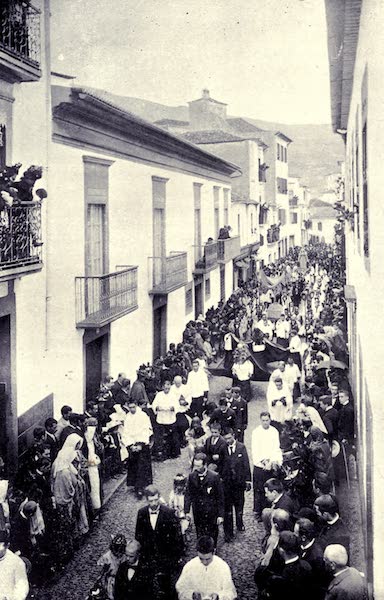 | A Procession in the Central Town
|
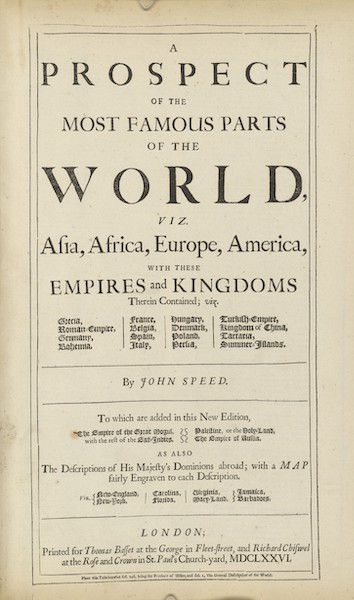 | A Prospect of the Most Famous Parts of the World
|
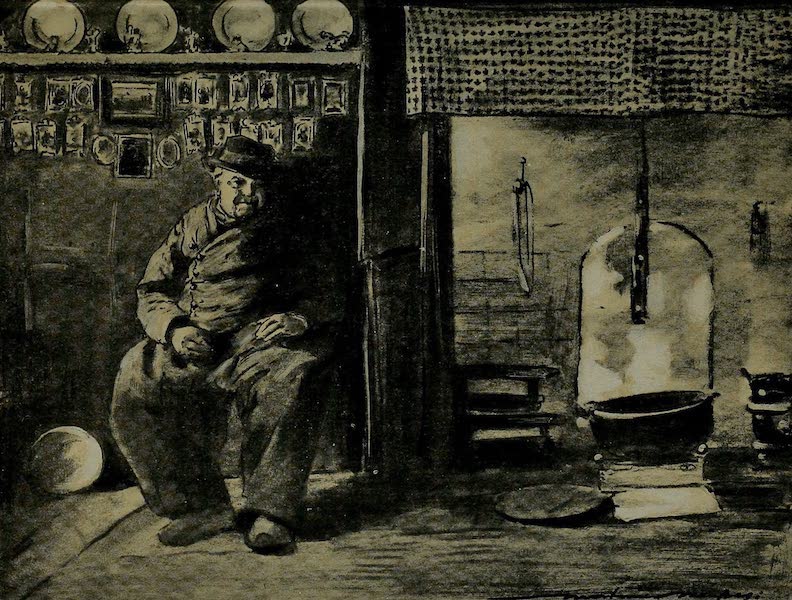 | A Provincial Interior
|
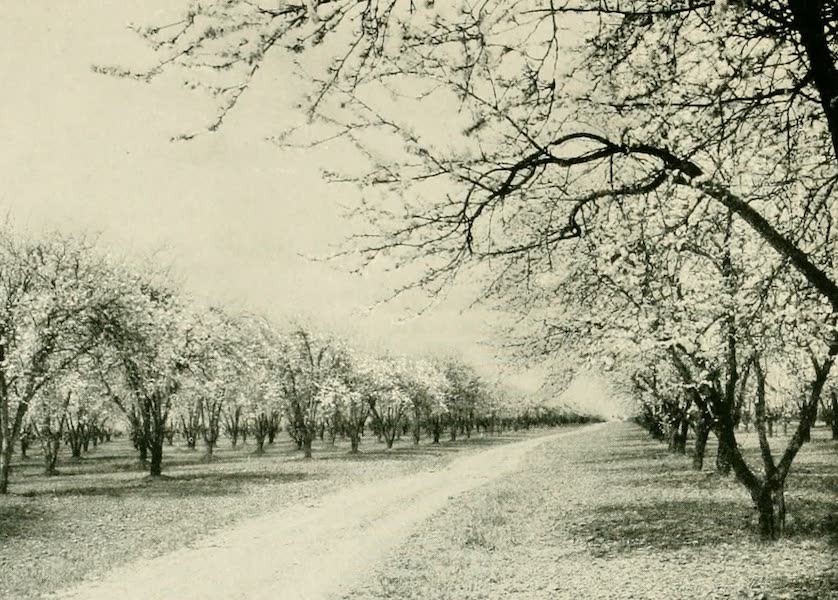 | A prune orchard in blossom
|
 | A Pueblo Indian Funeral Procession at Isleta
|
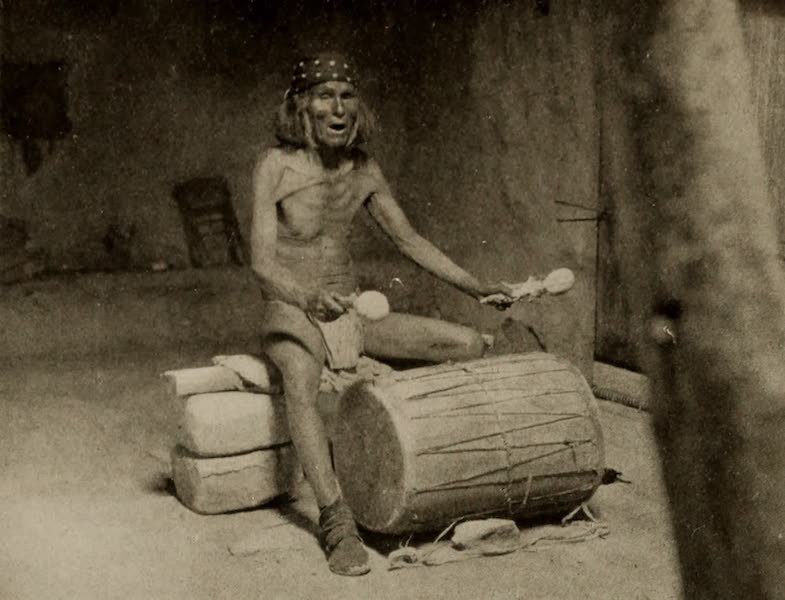 | A Pueblo Indian Medicine Man Singing the "Chants of the Old" to the Beat of the Sacred Tombe
|
 | A Pueblo Indian Potter
|
 | A Puppet-show
|
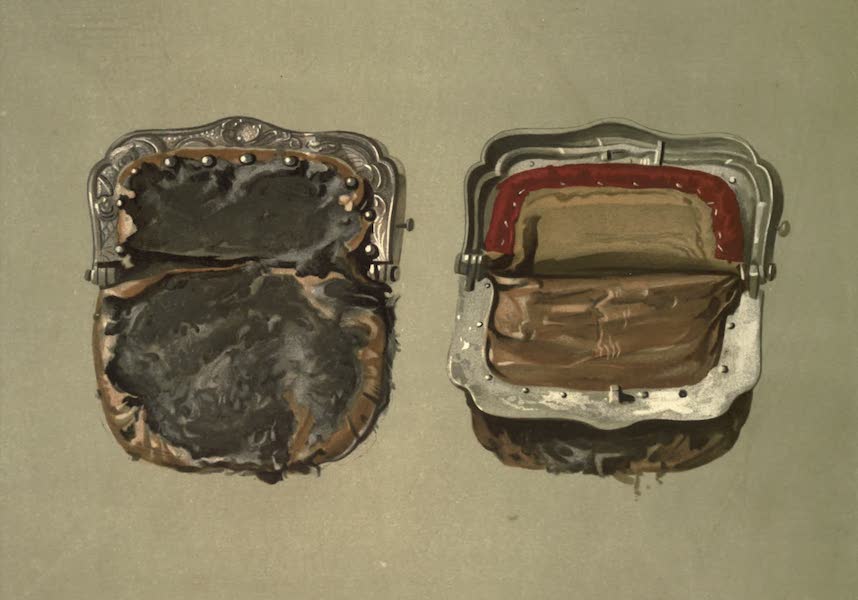 | A Purse Worn By Sir Walter Scott
|
 | A Quaint Garden
|
 | A Quan, or Mandarine, bearing a letter from the Emperor of China
These may be considered as exact portraits of both man and horse. The letter bound across his shoulders in a wooden case, covered with silk, was one from the Emperor of China to the King of Great Britain, and was carried before the Embassador along the paved road from Pekin to Tong-tchoo. All passengers on the road, on meeting the officer charged with this imperial letter, were obliged to shew a proper respect to it, by stepping off the paved road, and if on horseback, by dismounting, while it passed. |
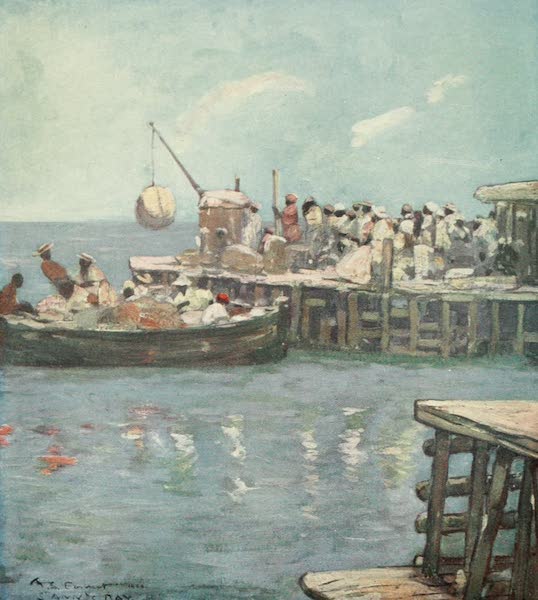 | A Quay, St. Ann's Bay, Jamaica
|
![A Quebracho Factory [II]](https://historyarchive.org/images/books/books-p/paraguay-1917/plates/27-a-quebracho-factory-II.jpg) | A Quebracho Factory [II]
|
![A Quebracho Factory [I]](https://historyarchive.org/images/books/books-p/paraguay-1917/plates/26-a-quebracho-factory-I.jpg) | A Quebracho Factory [I]
|
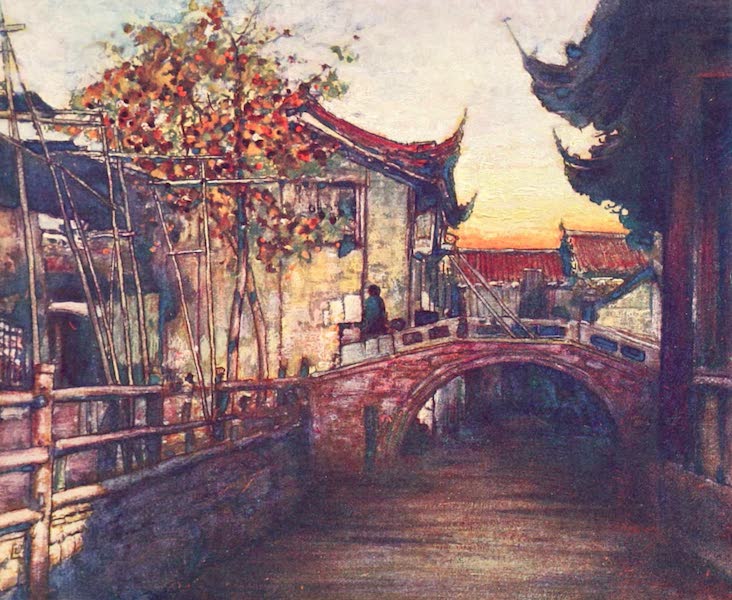 | A Quiet Canal
|
 | A Quiet Day in the Diamond Battery. Portrait of a Lancaster 68 Pounder. 15th Decr. 1854.
|
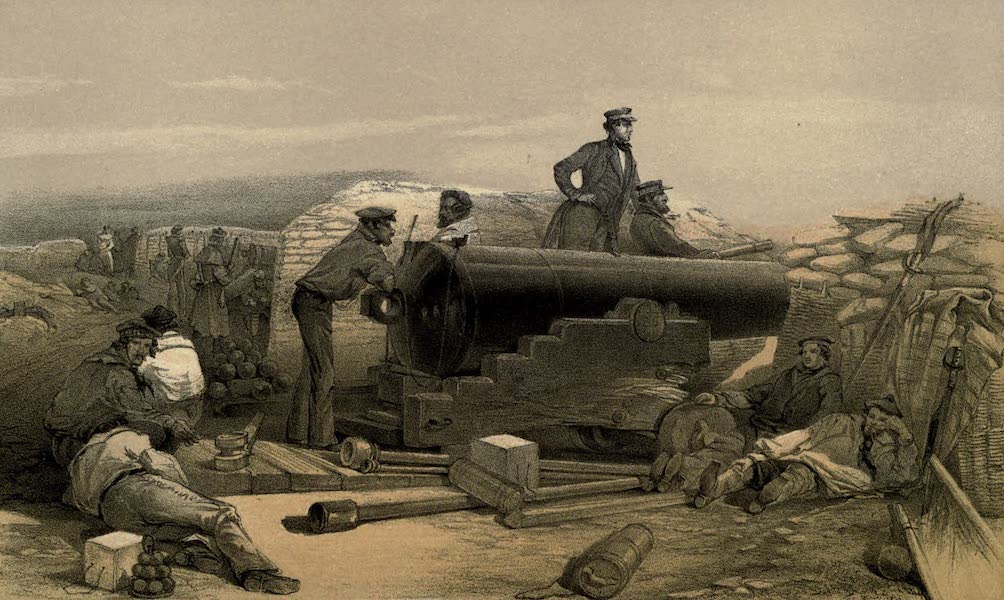 | A Quiet Day in the Diamond Battery. Portrait of Lancaster Sixty-eight Pounder, 15th December, 1854
|
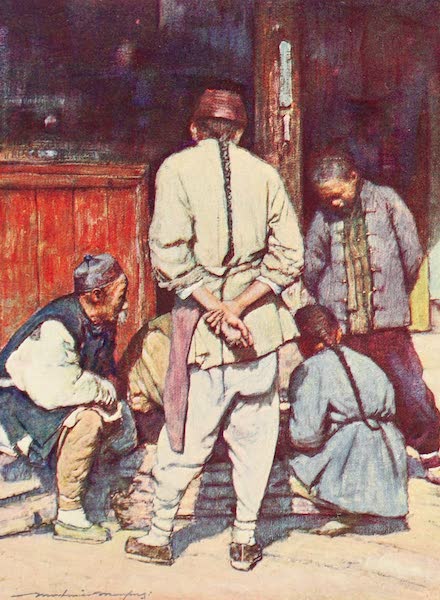 | A Quiet Game of Draughts
|
 | A Quiet Night in the Batteries. A Sketch in the Greenhill Battery (Major Chapman's) 29th Jany. 1855.
|
 | A Quiet Night in the Batteries. A Sketch in the Greenhill Battery (Major Chapman's), 29th January, 1855
|
 | A Quiet Rio
|
 | A Quiet Street
|
 | A Quiet Waterway
|
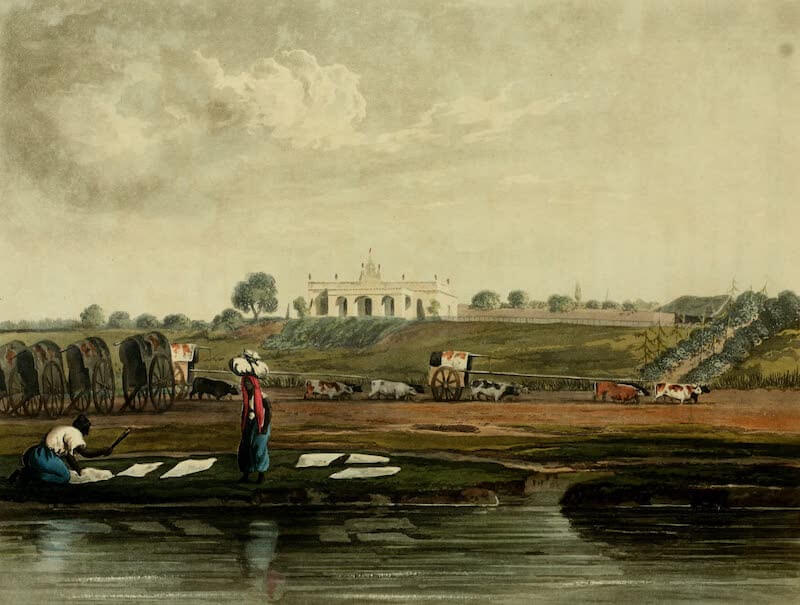 | A Quinta (Farm)
|
 | A Race for the Kata
|
 | A Race on Skates
|
 | A Race on Skates
|
 | A Rag Shop
|
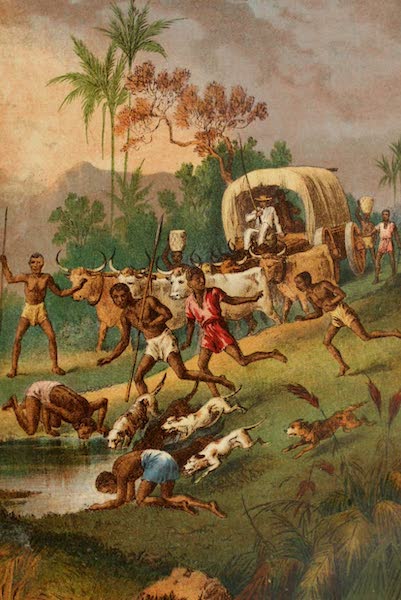 | A Rain Pool by the Way
|
 | A Rainy Day at the Fair
|
 | A Rajput of Rajgarh
|
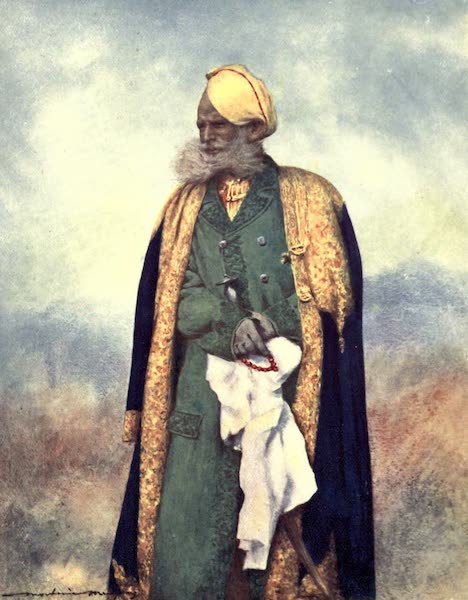 | A Rajput of Rajgarh
|
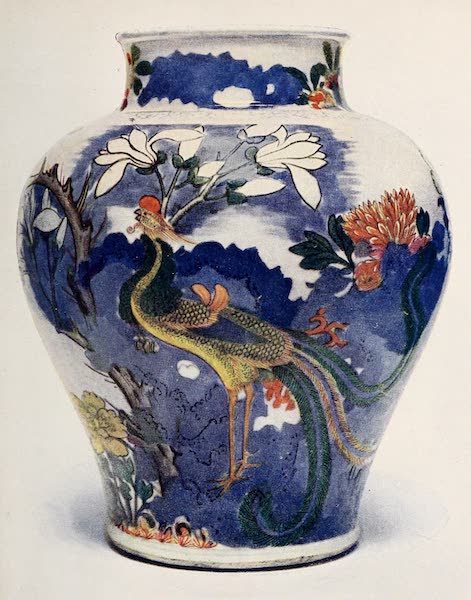 | A Rare Ming Vase
|
 | A Reach of the Pilcomayo
|
 | A Reach of the Pilcomayo
|
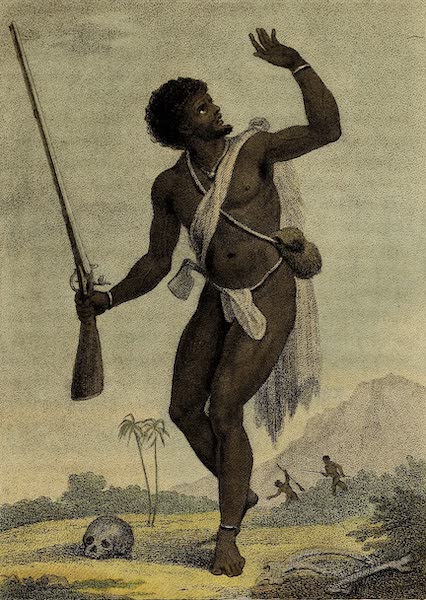 | A Rebel Negro armed & on his guard
|
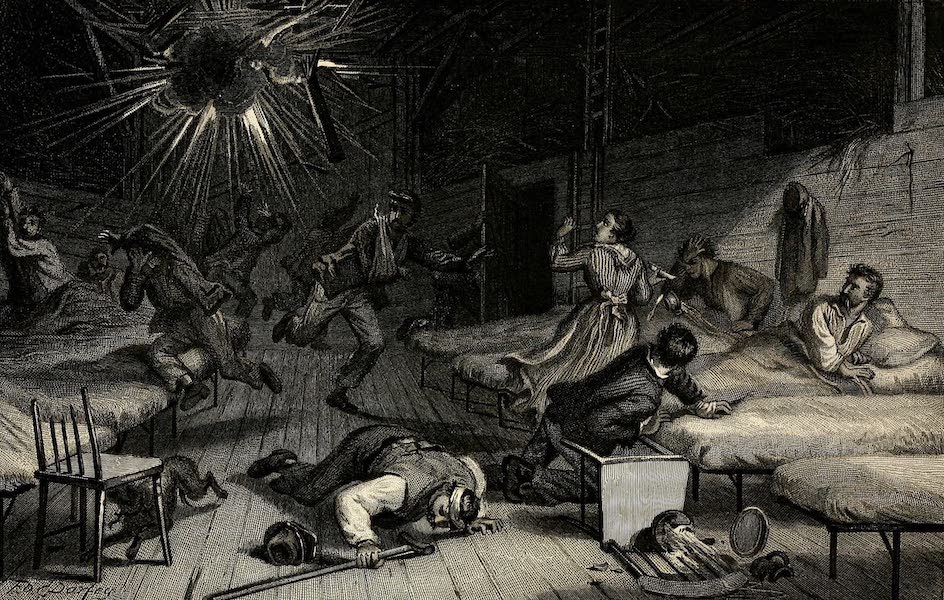 | A Rebel Shell Bursting in a Union Hospital
|
 | A Regular Cossac
|
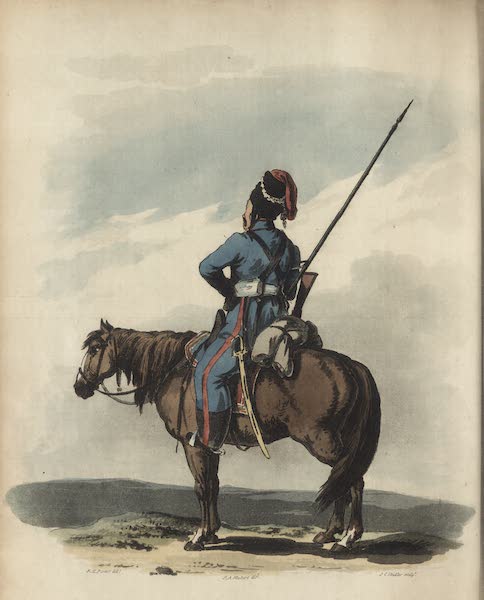 | A Regular Cossac
|
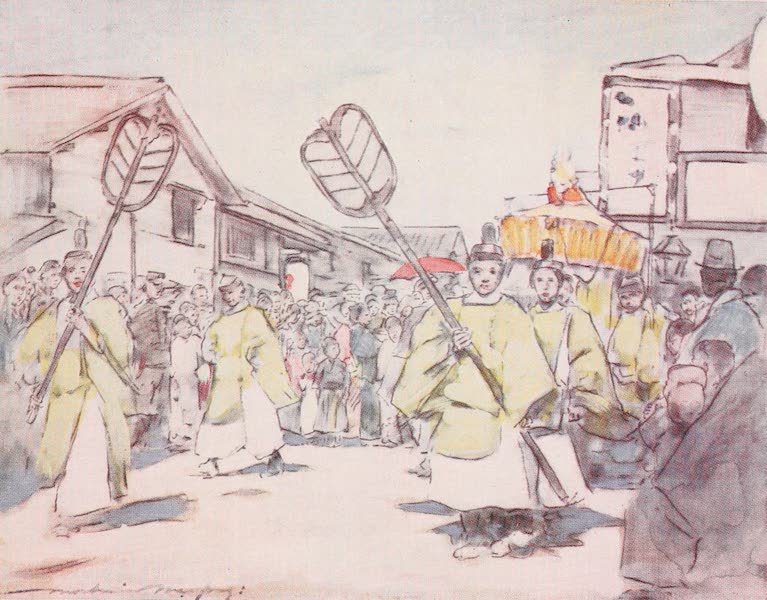 | A Religious Procession
|
 | A Remarkable Iceberg. July, 1818. Lat. 74. & Long 65. W.
This iceberg must have been observed on the eastern side of Baffin Bay. Large amounts of ice prevented the expedition from moving forward for many days in July of 1818. |
 | A Remarkable Iceberg. Lat. 70' 45 N. June 17, 1818.
Ross notes that just north of this point his ships and 45 others in the whaling business were stopped by icebergs too numerous to pass through. |
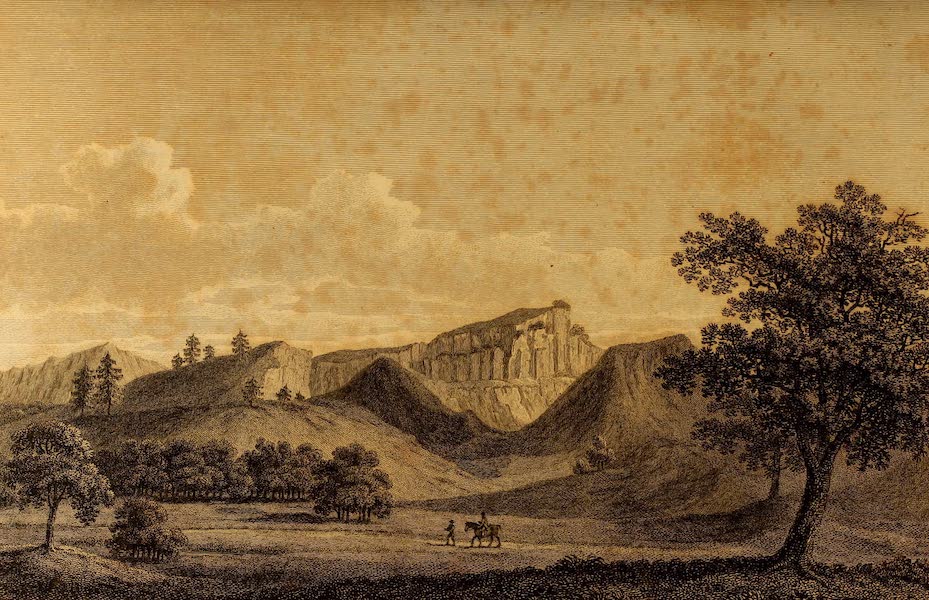 | A remarkable mountain near the river of Monterrey
|
 | A Reservation Indian
|
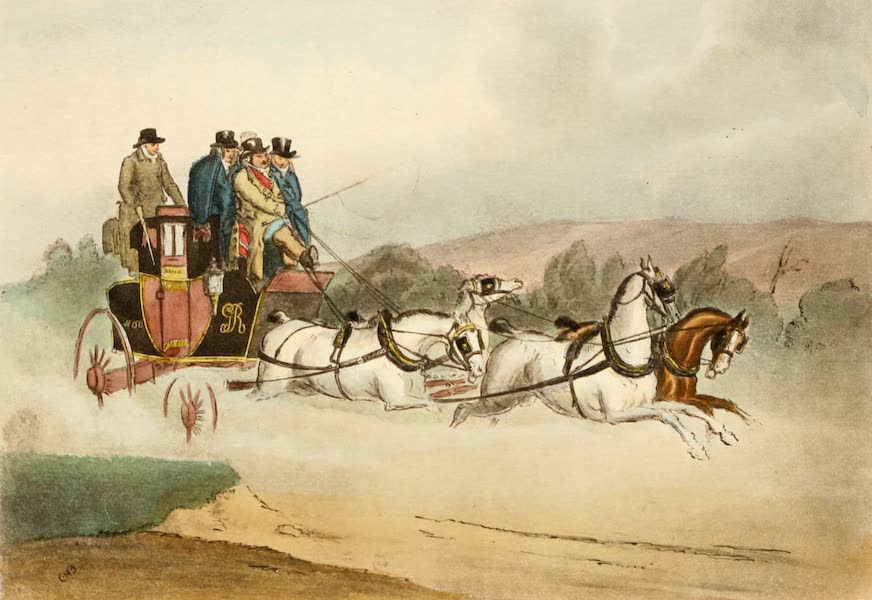 | A Resolute Team
|
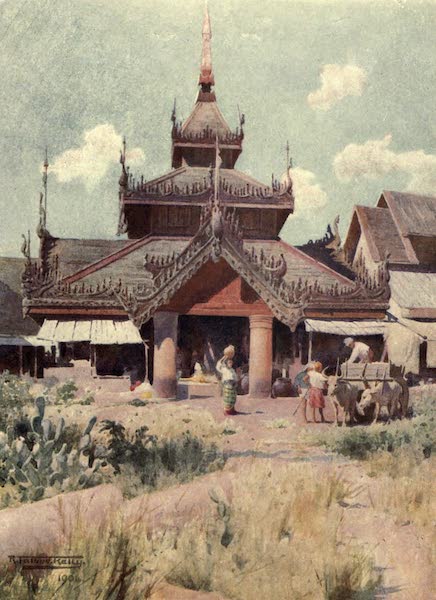 | A Rest-House
|
 | A Restaurant
|
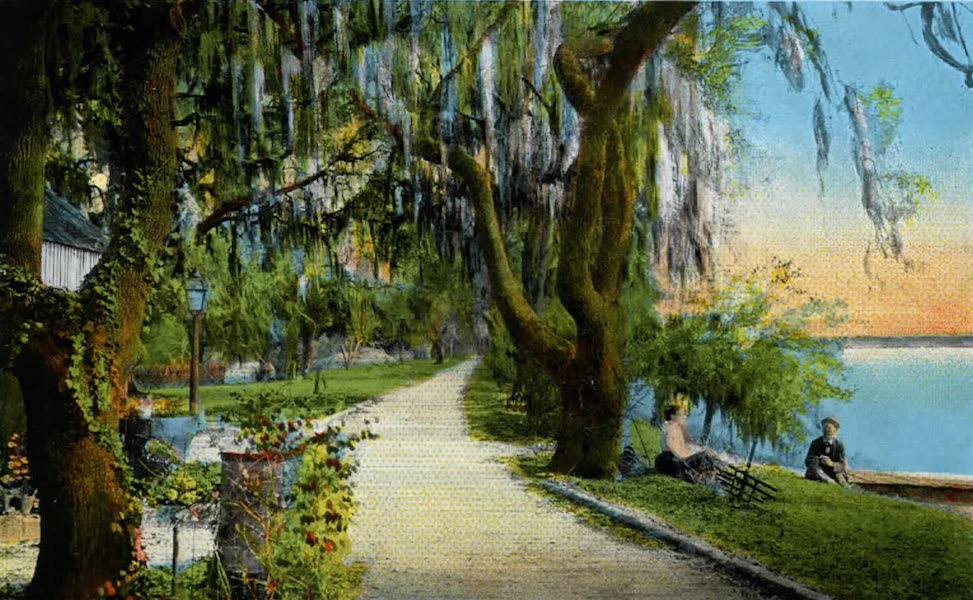 | A Restful Spot on the Halifax River, Daytona
|
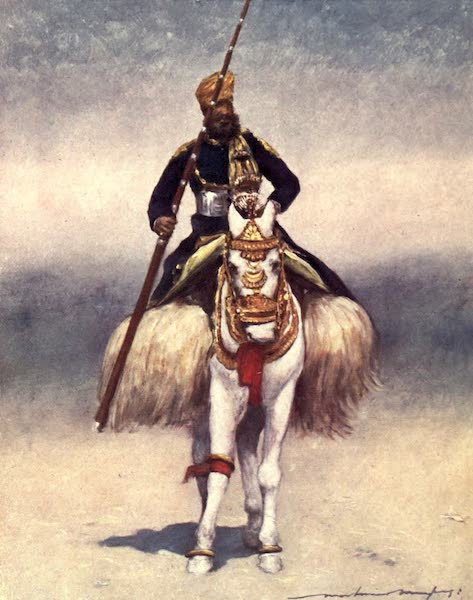 | A Retainer from Alwar
|
 | A Retainer from Central India
|
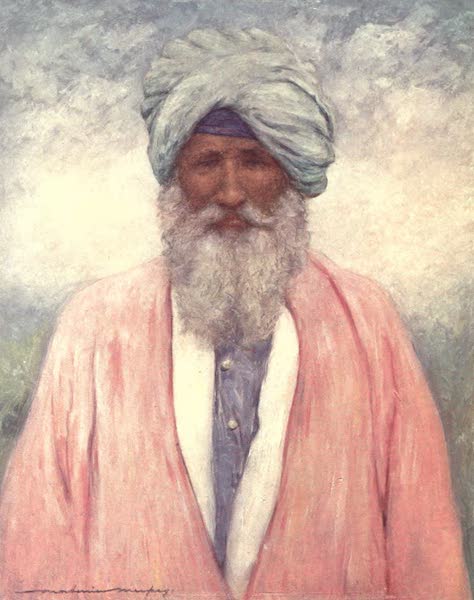 | A Retainer from Cutch
|
 | A Retainer from Dhar
|
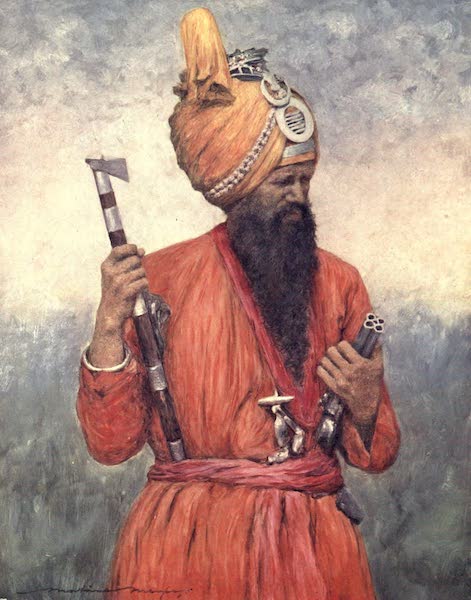 | A Retainer from Jind
|
 | A Retainer from Rajgarh
|
 | A Retainer of Rajgarh
|
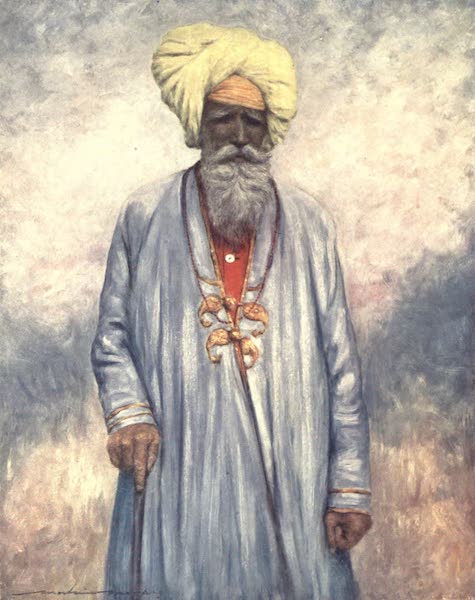 | A Retainer of the Maharaja of Cutch
|
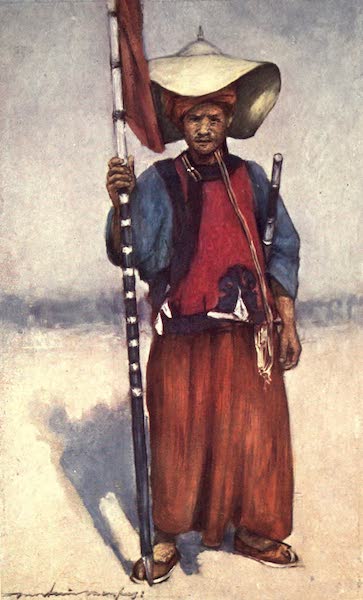 | A Retainer of the Shan Chiefs
|
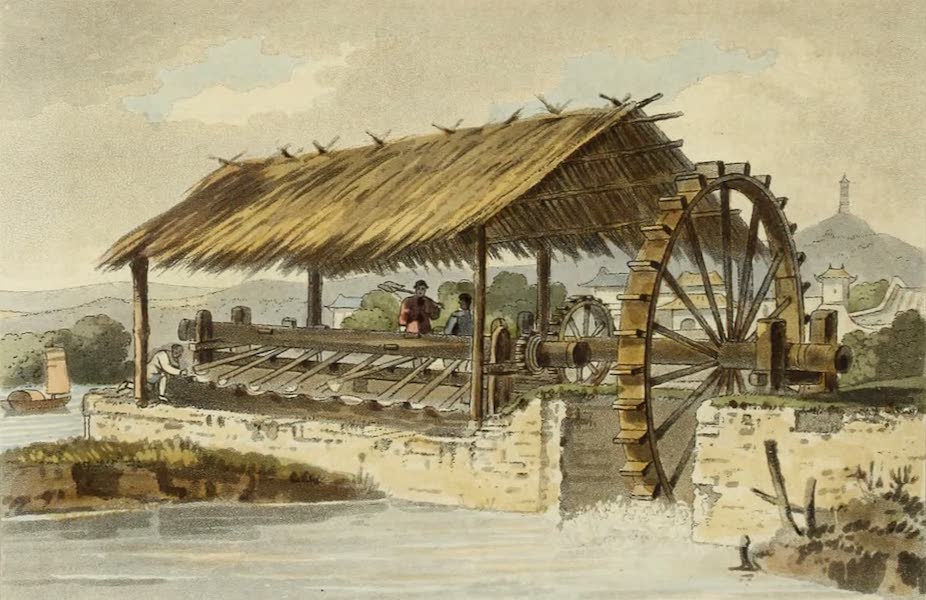 | A Rice Mill
|
 | A Rich Display of Chrysanthemums
|
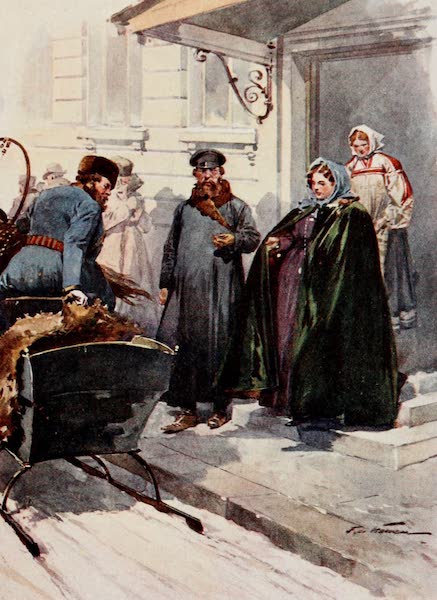 | A Rich Merchant and his Wife
|
 | A River Class Destroyer
|
 | A River Festival at Benares
|
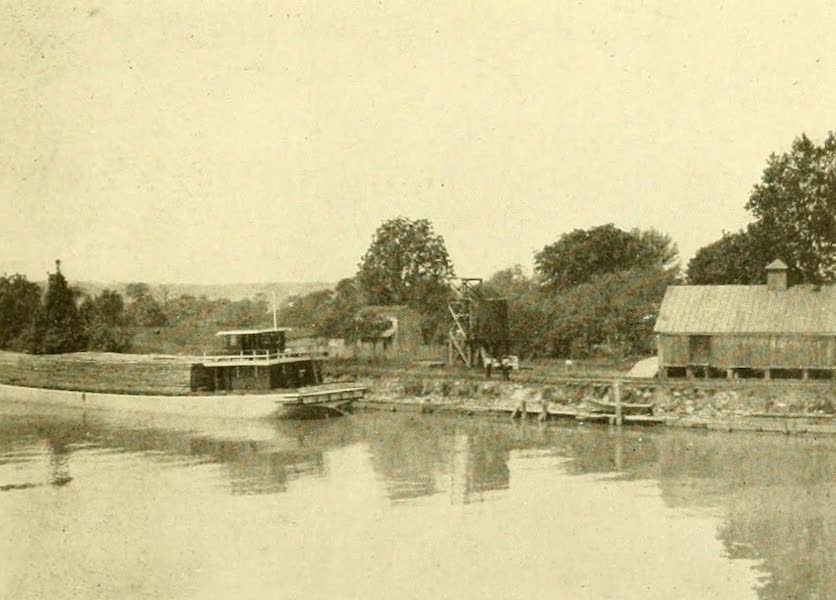 | A River Landing
|
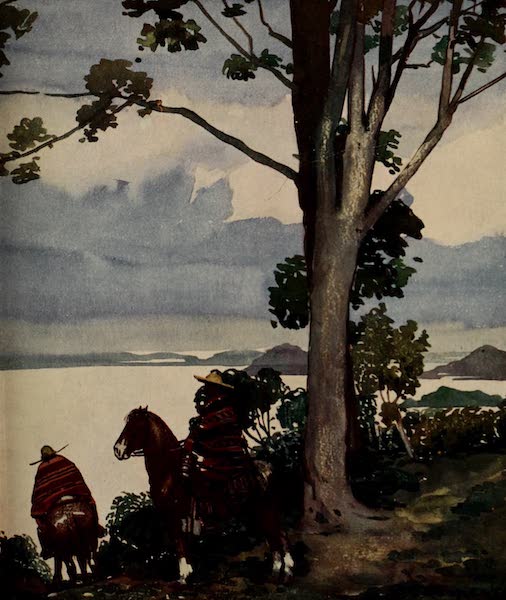 | A River near Concepcion
|
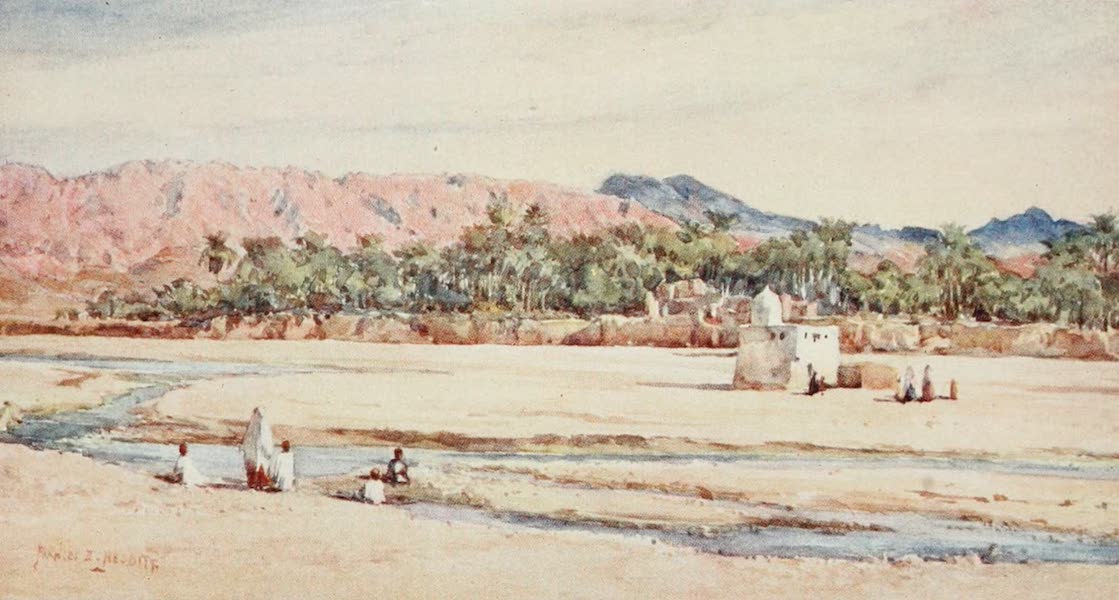 | A River of the Sahara
|
 | A River Picnic in Spring under the Plum Blossom
|
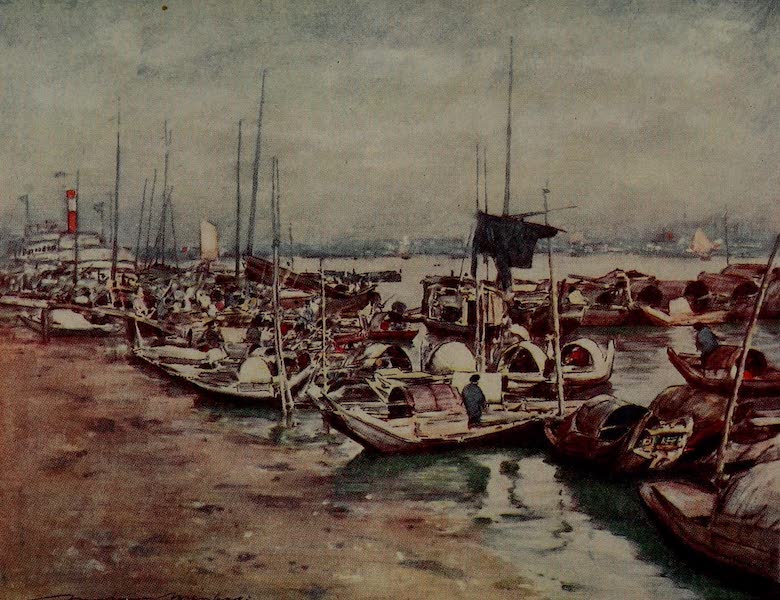 | A River Scene
|
 | A River Scene
|
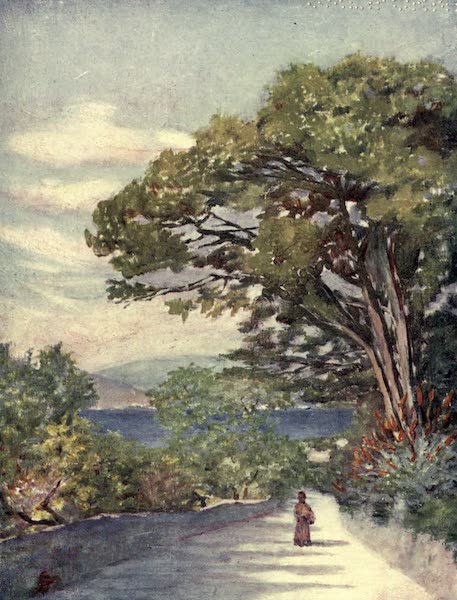 | A Road in Gibraltar
|
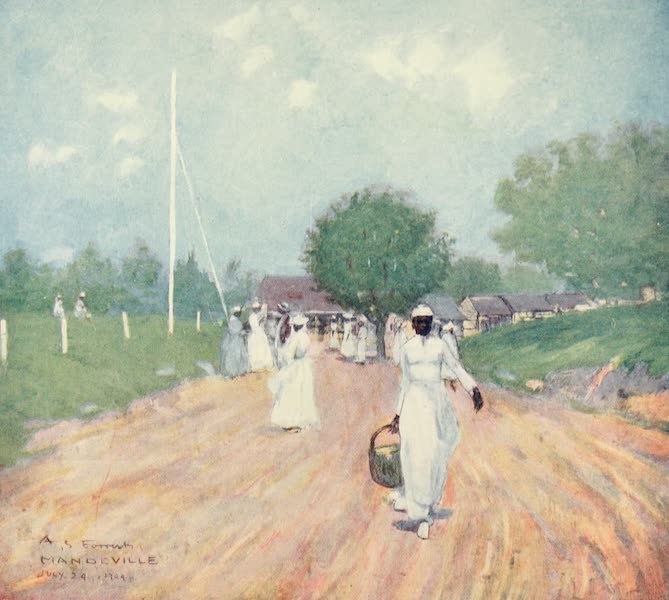 | A Road in Mandeville
|
 | A Road in the Carpathians
|
 | A Road in the Carpathians
|
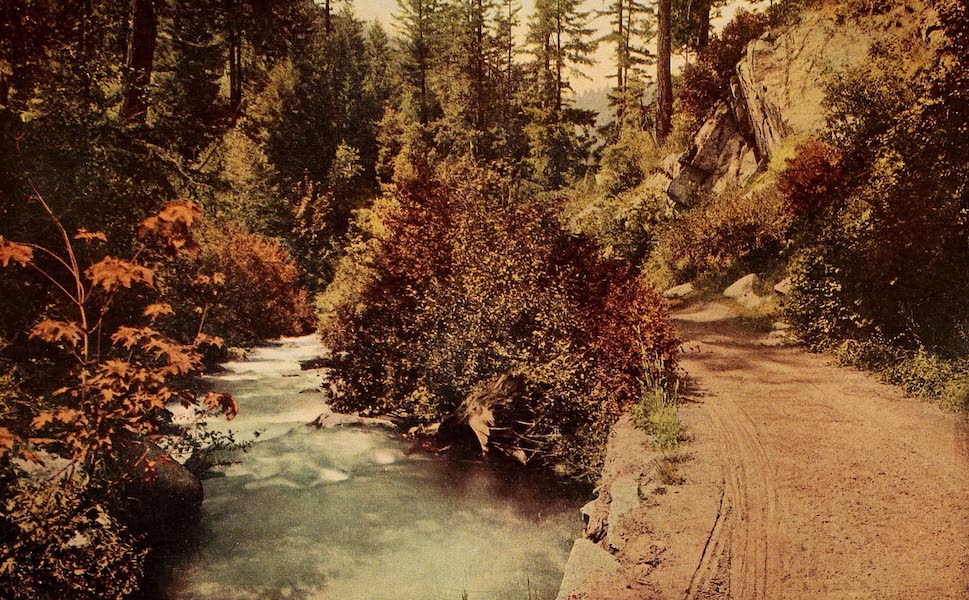 | A Road of Dreams
|
 | A Road through the quaking Aspens
|
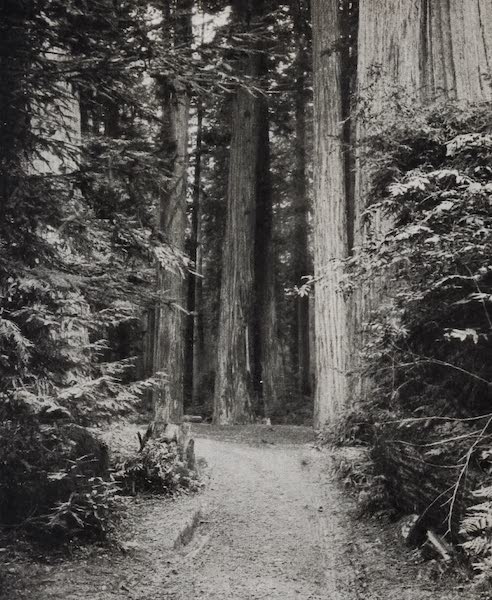 | A Road Through the Redwoods
|
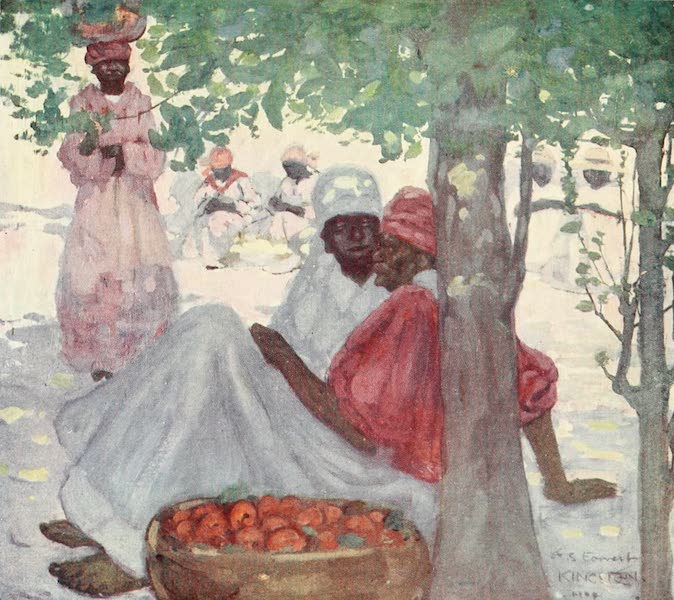 | A Roadside Market, Jamaica
|
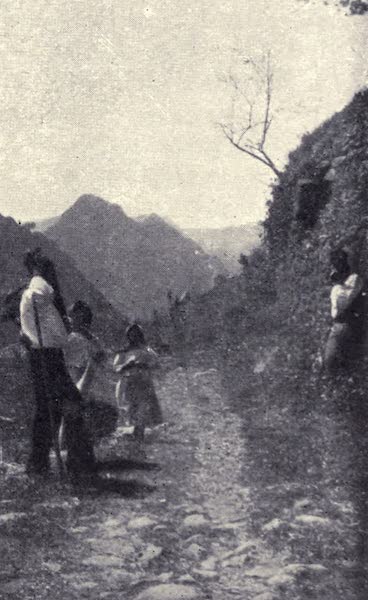 | A Roadside Scene
|
 | A Rock Tomb at Lindus, Rhodes
|
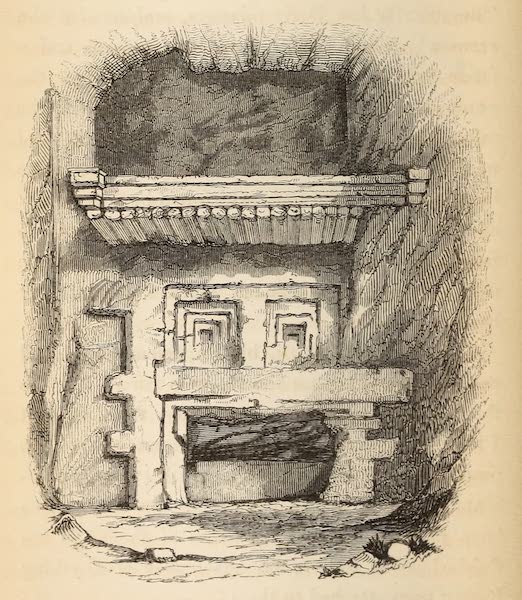 | A Rock Tomb at Point Savedo near Antiphellus, Lycia
|
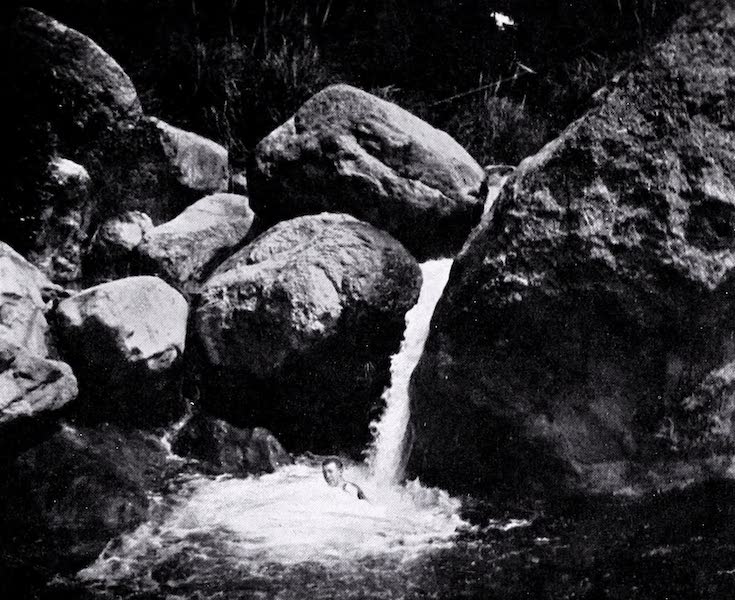 | A Rocky Pool in the Cordoba Hills
|
 | A Rocky Pool in the Cordoba Hills
|
 | A Roman Family and the Temple of Minerva Medica
|
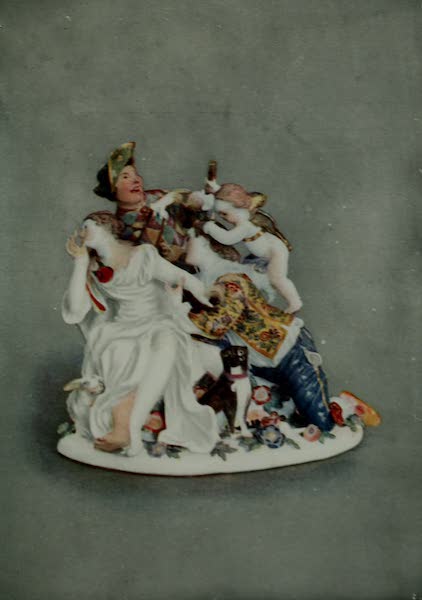 | A Romantic Group
|
 | A Room in the Palazzo Veccillo of Palermo.
|
 | A Rose Garden, Bordighera
|
 | A Rose-Garden at Giza, and View of Cairo
|
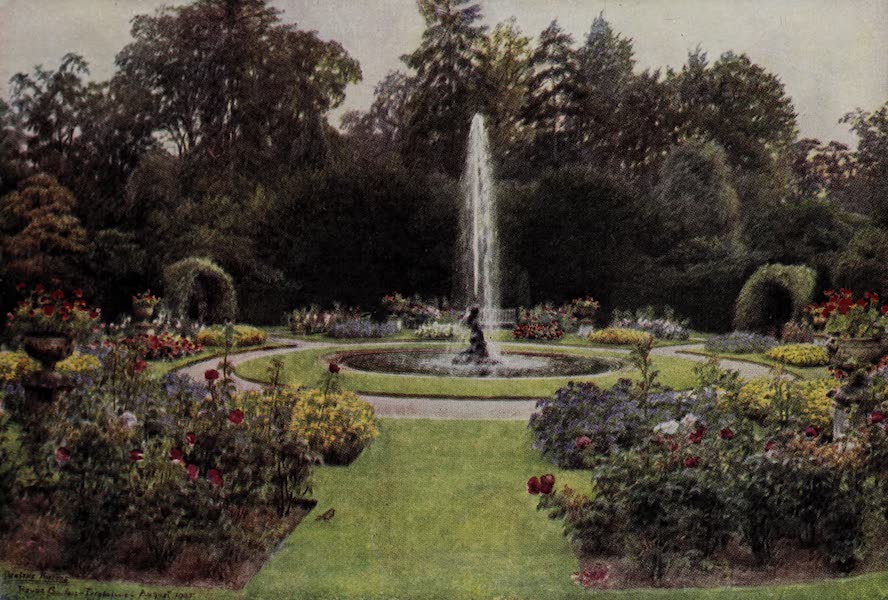 | A Round Garden
|
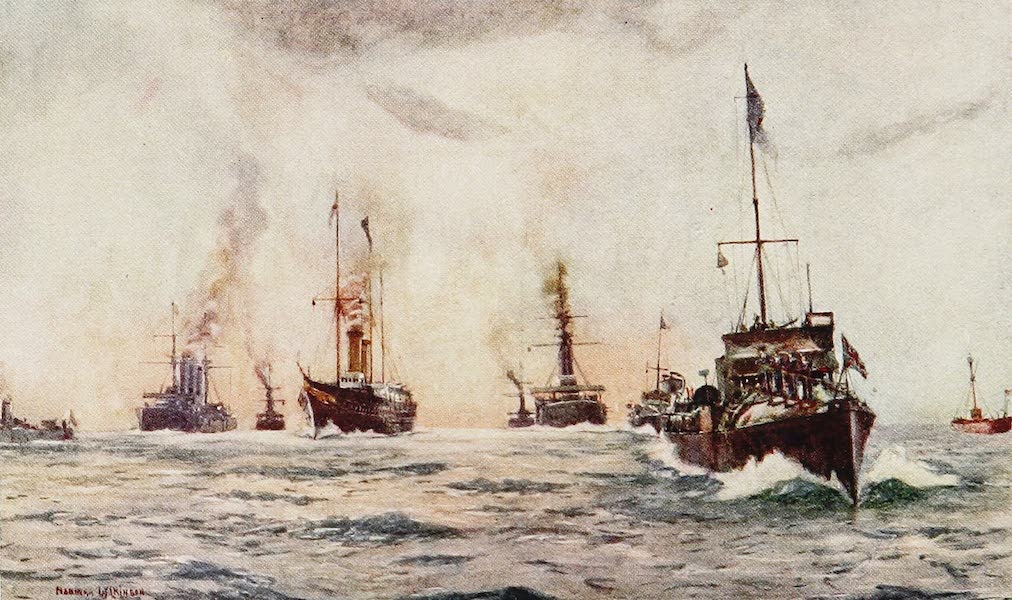 | A Royal Escort. Arrival of the King of Portugal
|
 | A Royal Retainer of Rajgarh
|
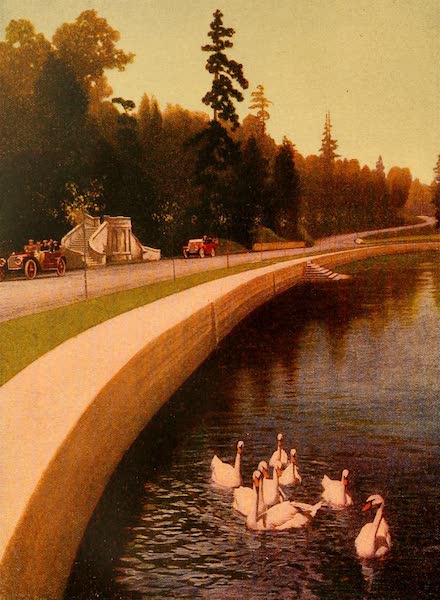 | A Royal Roadway
|
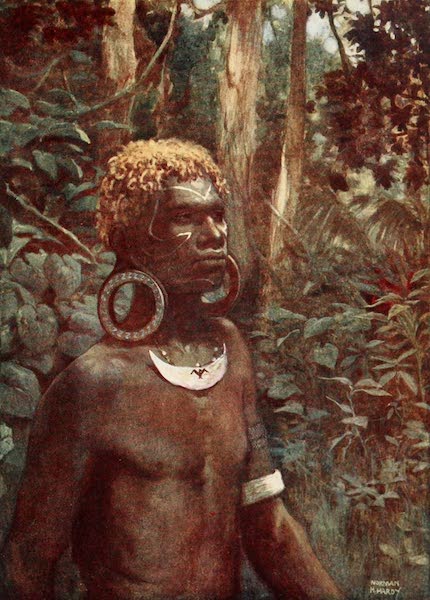 | A Rubiana Native, Solomon Islands
|
 | A Rugged View Above Wensleydale
|
 | A Rugged View above Wensleydale
|
 | A Ruin on the Banks of the Jumna above the City of Delhi
|
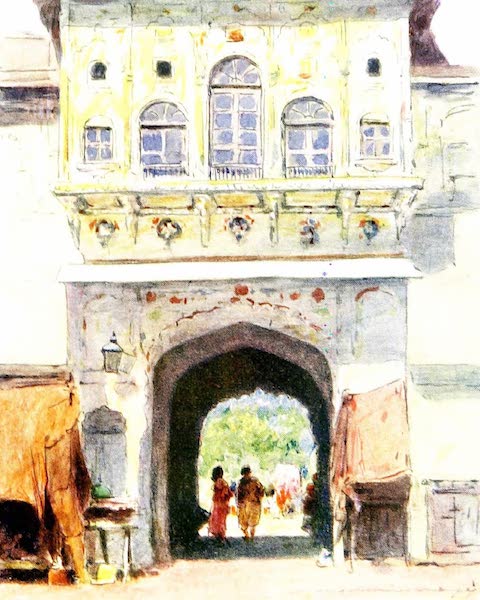 | A Ruined Palace
|
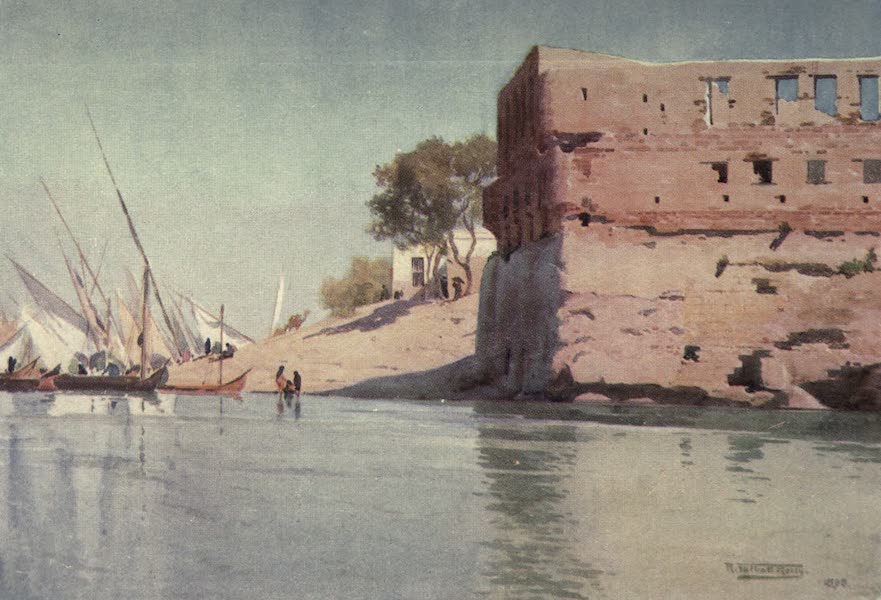 | A Ruined Palace at Mit Gamr
|
 | A Ruined Palazzo
|
 | A Rumanian Church in Transylvania
|
 | A Rumanian Homestead at Desze
|
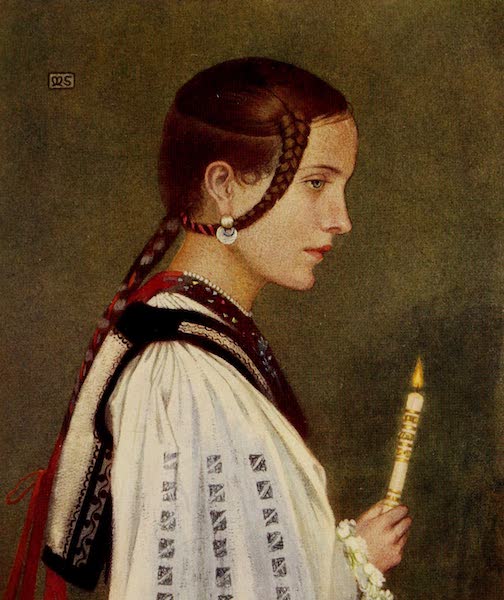 | A Rumanian Invalid
|
 | A Rumanian Maiden
|
 | A Running Bucker
|
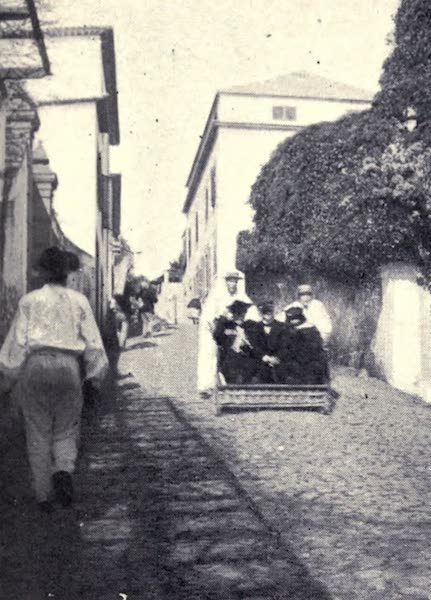 | A Running Carro : Monte Road
|
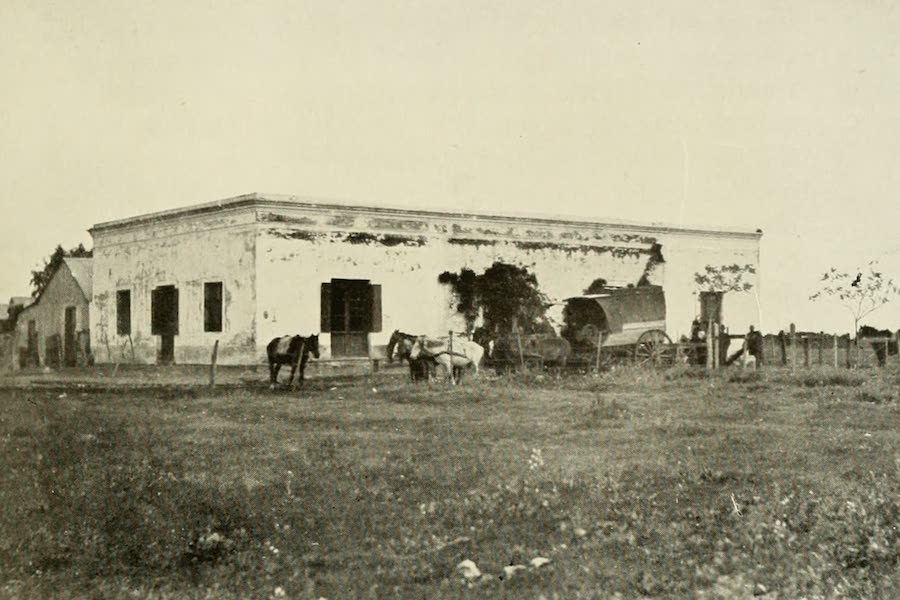 | A Rural Inn
|
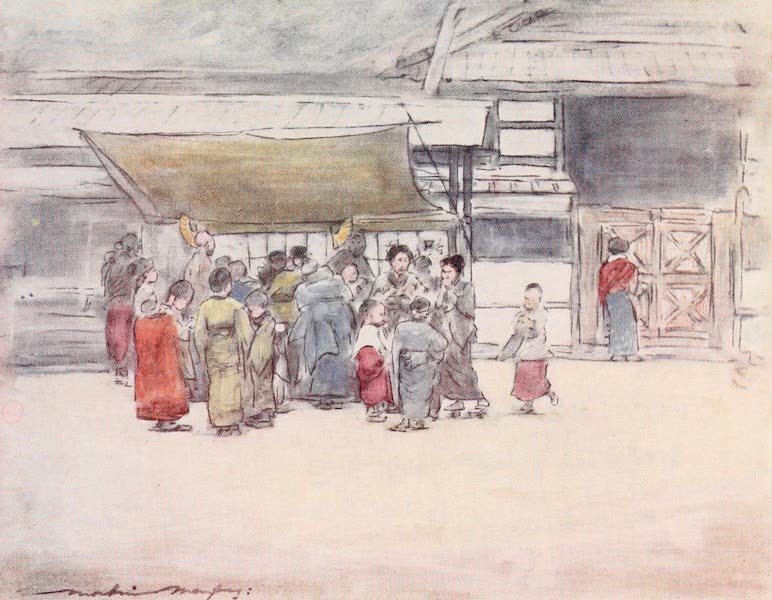 | A Rush to the Stall
|
 | A Russian Nurse
|
 | A Russian Nurse
|
 | A Russian Peasant
|
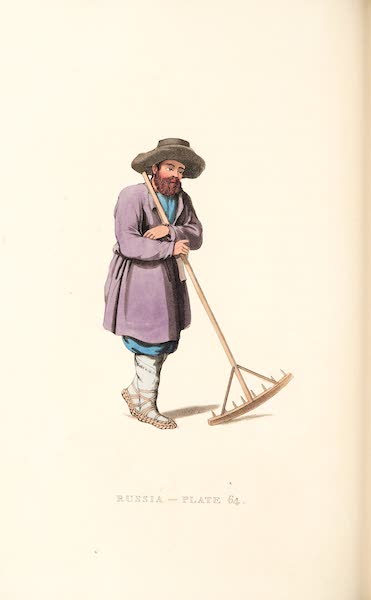 | A Russian Peasant
|
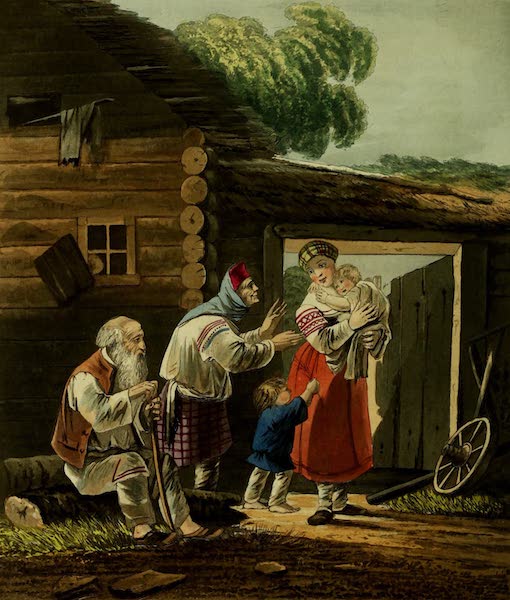 | A Russian Peasant Family
|
 | A Russian Peasant in her Summer Dress
|
 | A Russian Peasant in Her Summer Dress
|
 | A Russian Peasant in his Summer Dress
|
 | A Russian Peasant in His Summer Dress
|
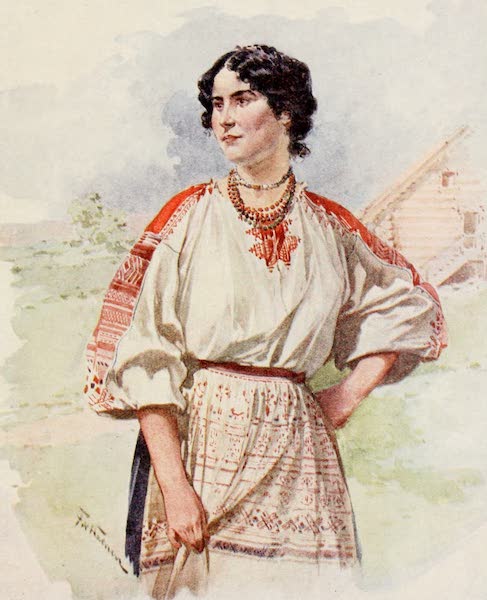 | A Russian Servant in Summer Dress
|
 | A Russian Trademan's Wife in Her Gala Dress
|
 | A Russian Trademan's Wife in Her Gala Dress
|
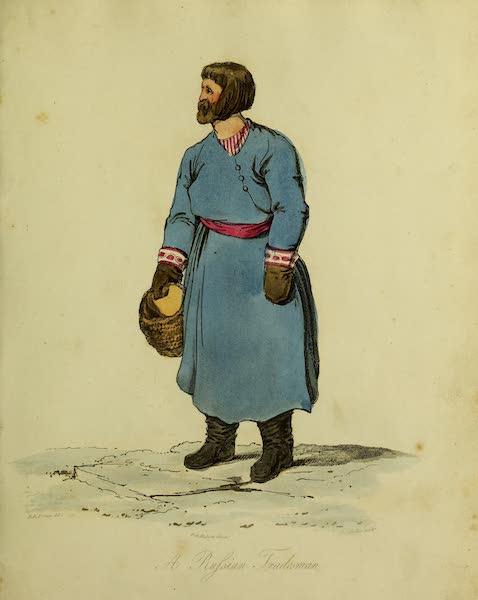 | A Russian Tradesman
|
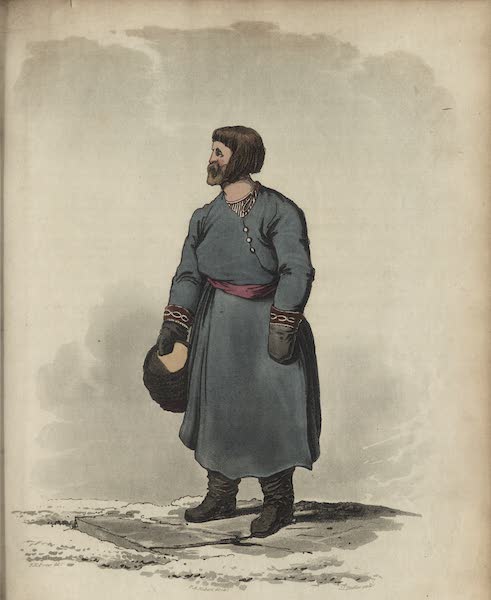 | A Russian Tradesman
|
 | A Russian Tradesman's Wife in her Gala Dress
|
 | A Russian Tradesman's Wife in her Summer Dress
|
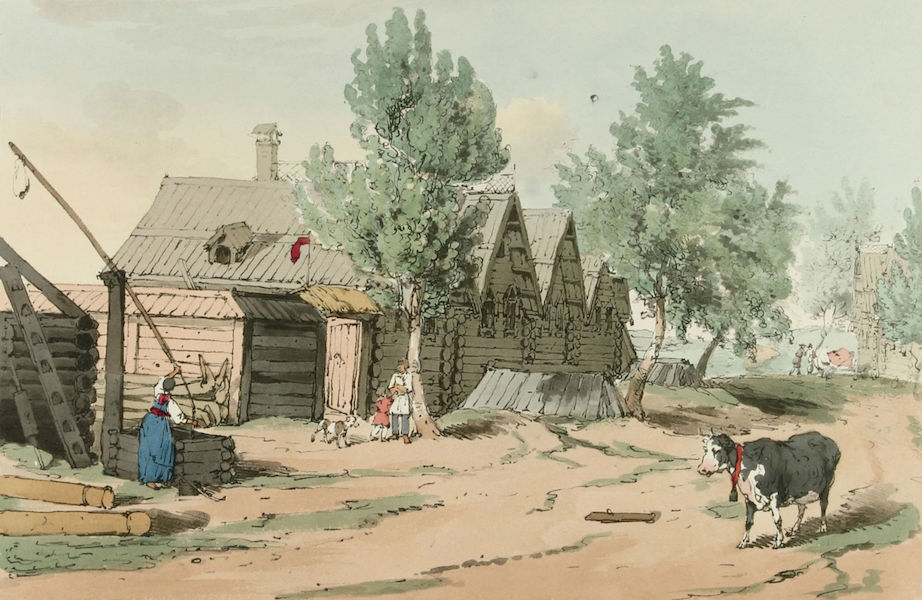 | A Russian Village
|
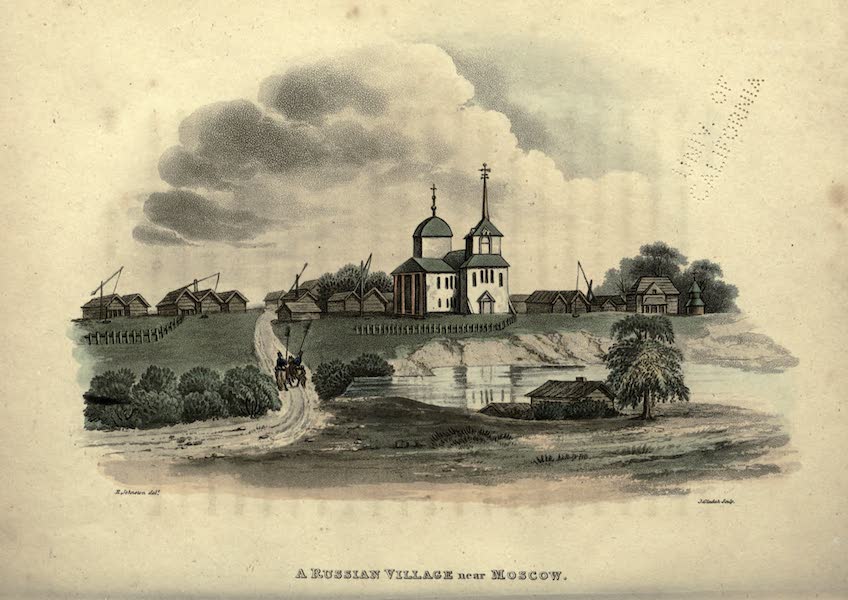 | A Russian Village near Moscow
|
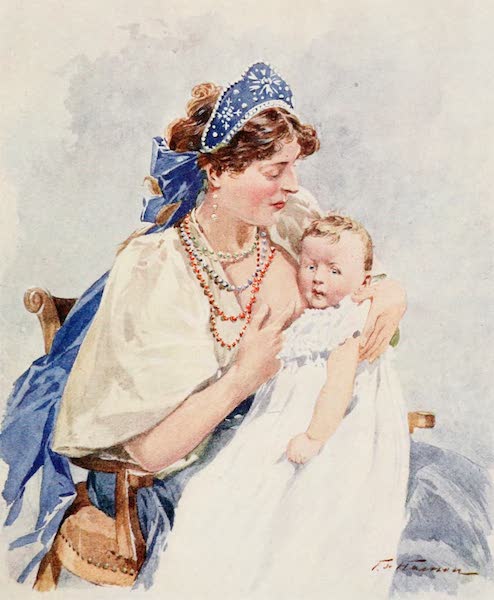 | A Russian Wet-Nurse
|
 | A Russniac Peasant of the Palatinate of Marmoros
|
 | A Russniac Peasant of the Palatinate of Marmoros
|
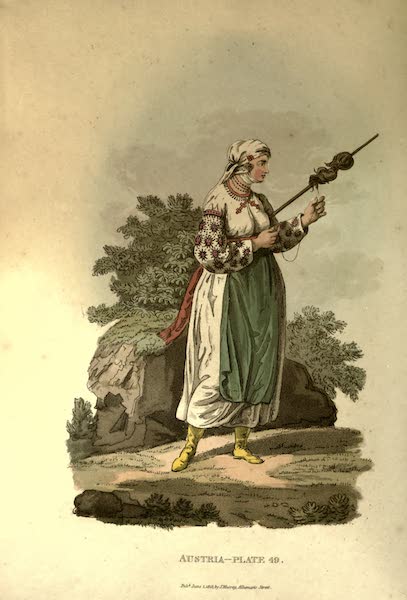 | A Russniac Woman of the Palatinate of Marmoros
|
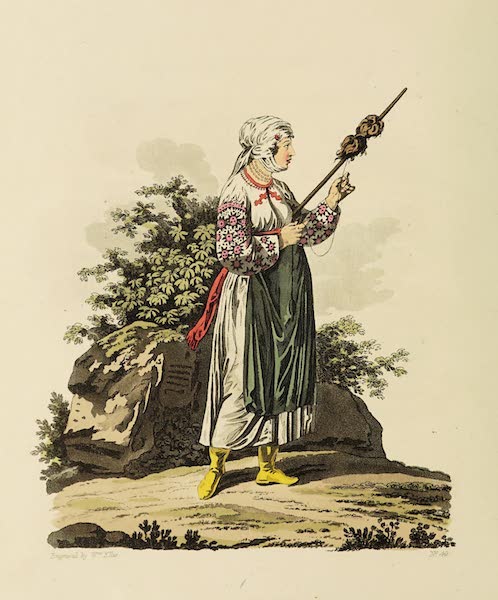 | A Russniac Woman of the Palatinate of Marmoros
|
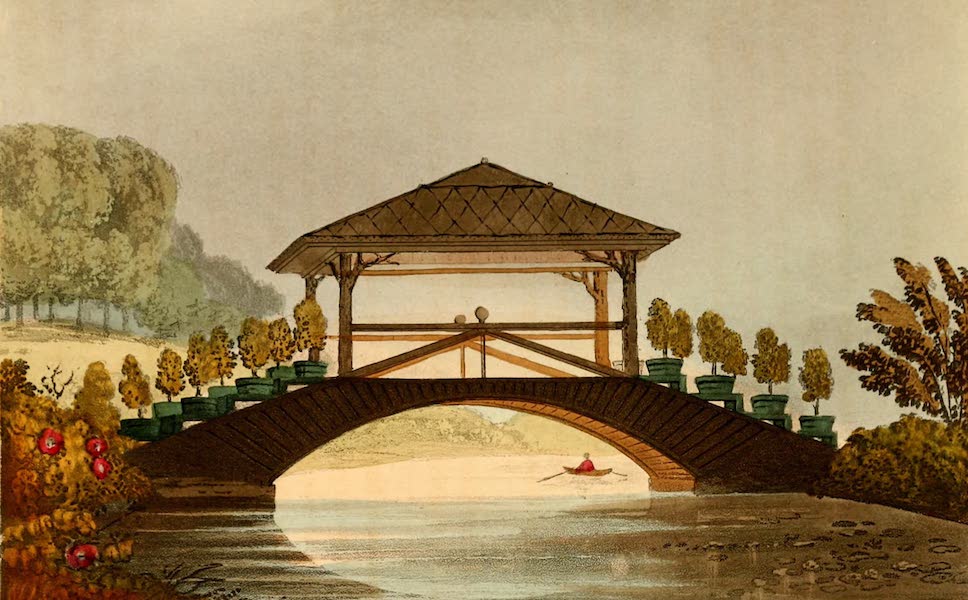 | A Rustic Bridge
|
 | A Rustic Dwelling in the Roman Campagna
|
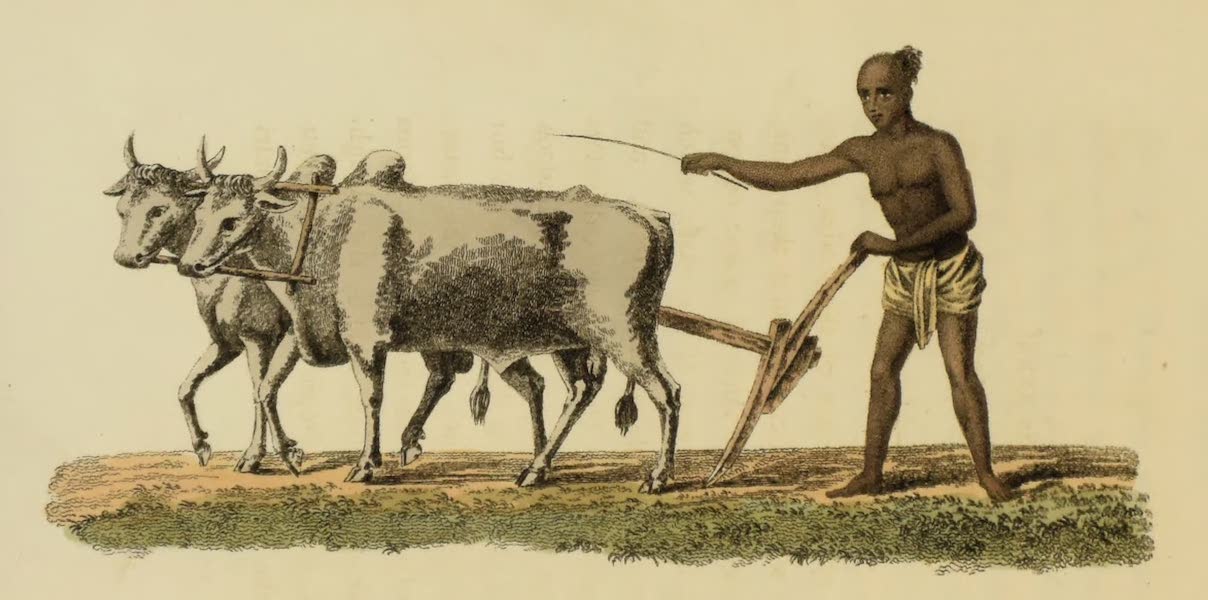 | A Ryot, or Ploughman
|
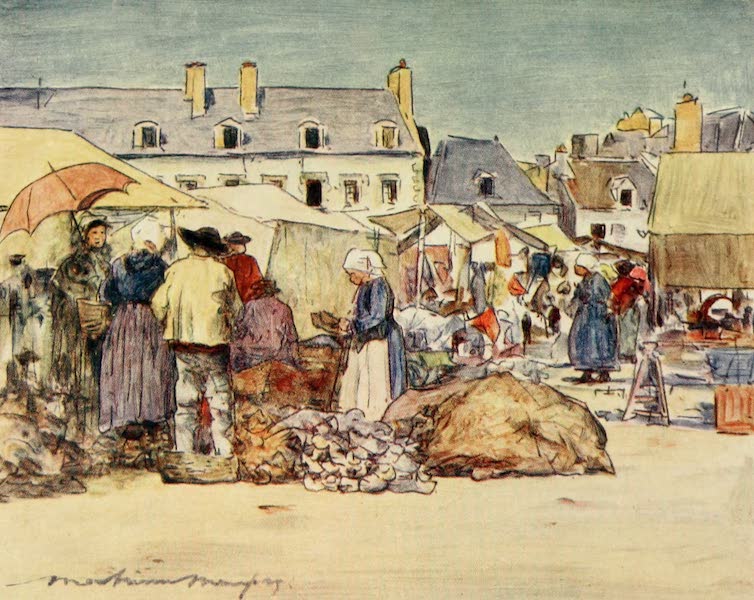 | A Sabot-Stall
|
 | A Sacred Brahman Bull
|
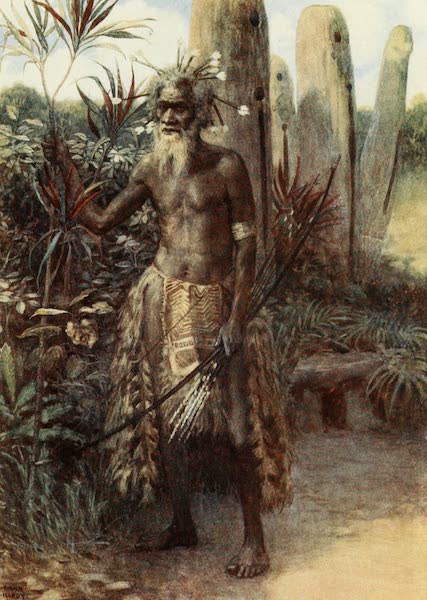 | A Sacred Man, Aoba, New Hebrides
|
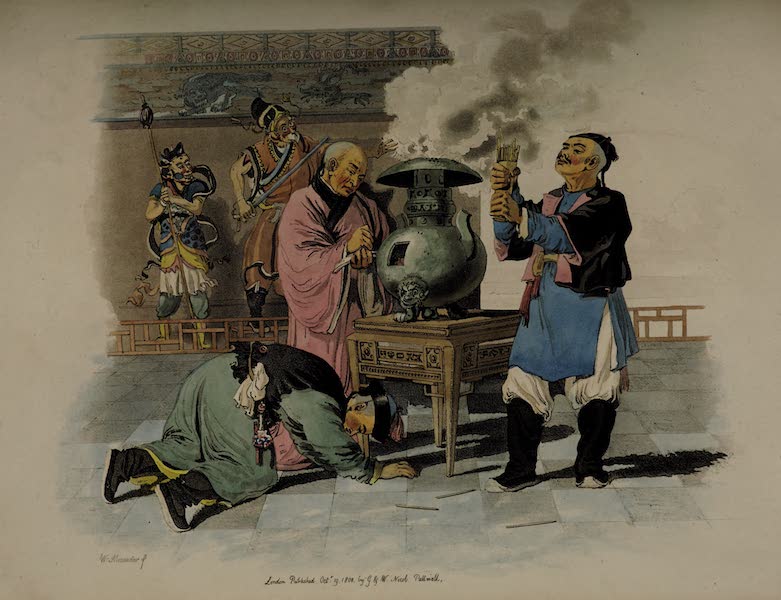 | A Sacrifice at the Temple
|
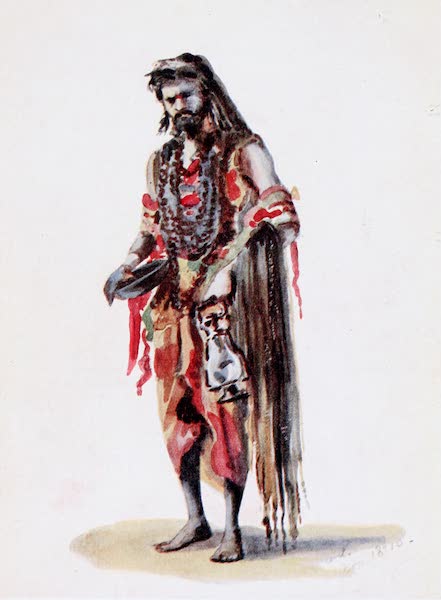 | A Saddhu
|
 | A Sailor
|
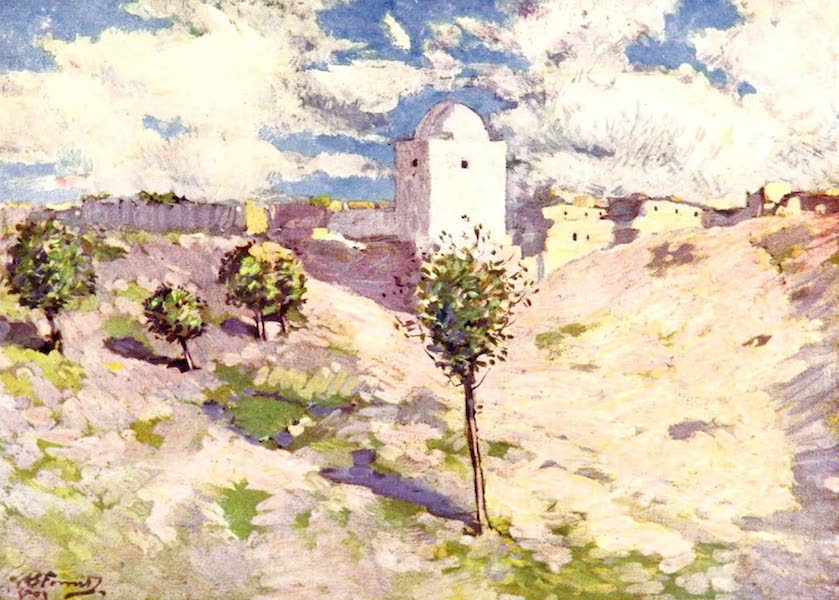 | A Saint's Tomb
|
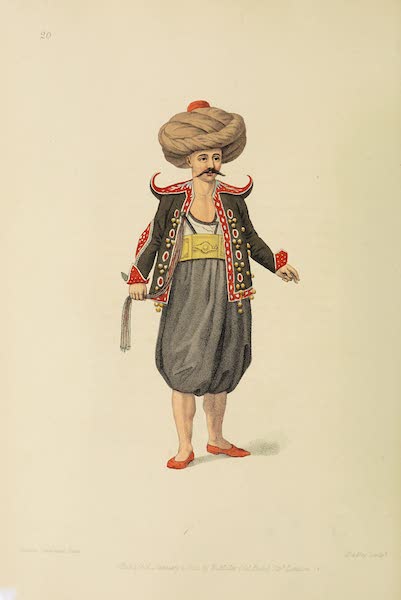 | A Saka or Turkish Water Carrier
|
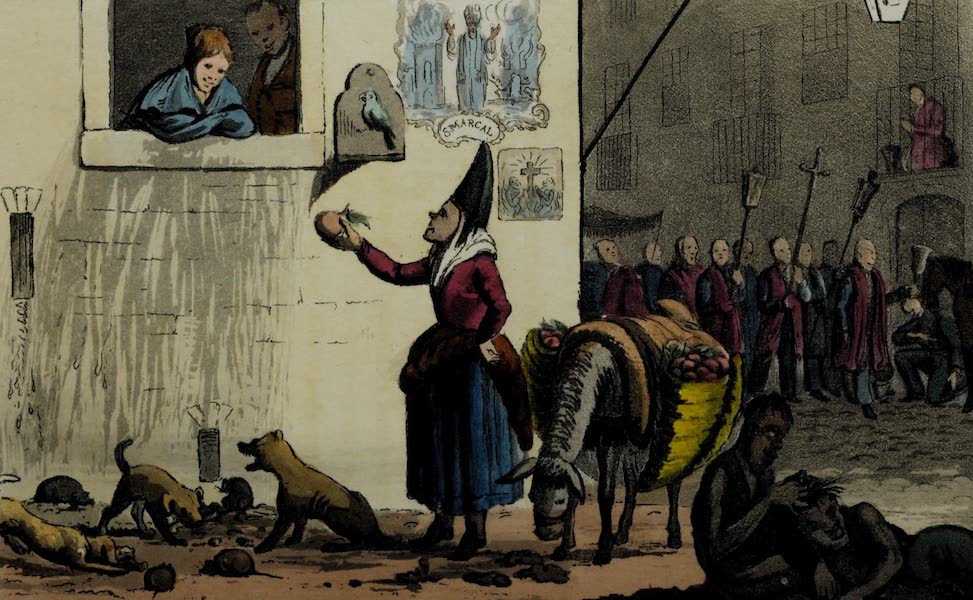 | A Saloia retailing fruit
|
 | A Samoyed
|
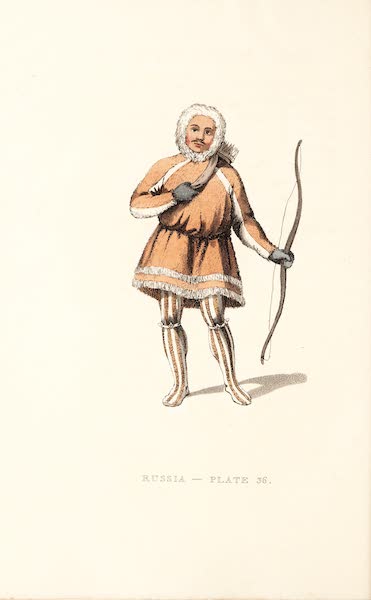 | A Samoyed
|
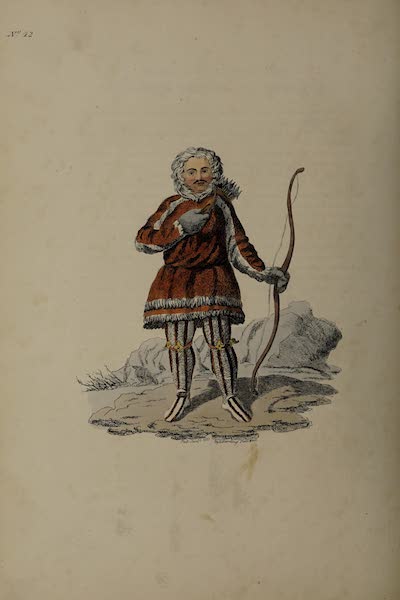 | A Samoyede
|
 | A Sand Wind on the Desert
|
 | A Sand-Cart on the Quay, Pont-Aven
|
 | A Sandstorm
|
 | A Saumpareeah, or Snake-Catcher, exhibiting Snakes before Europeans
|
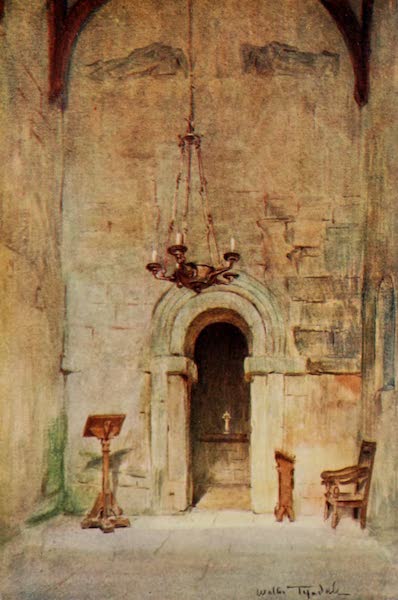 | A Saxon Church in Wessex
|
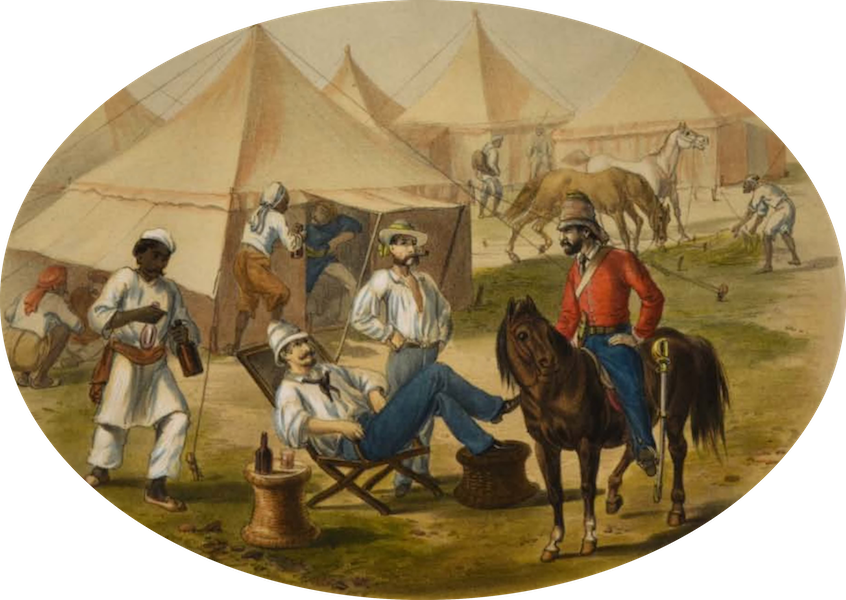 | A Scene in Camp
|
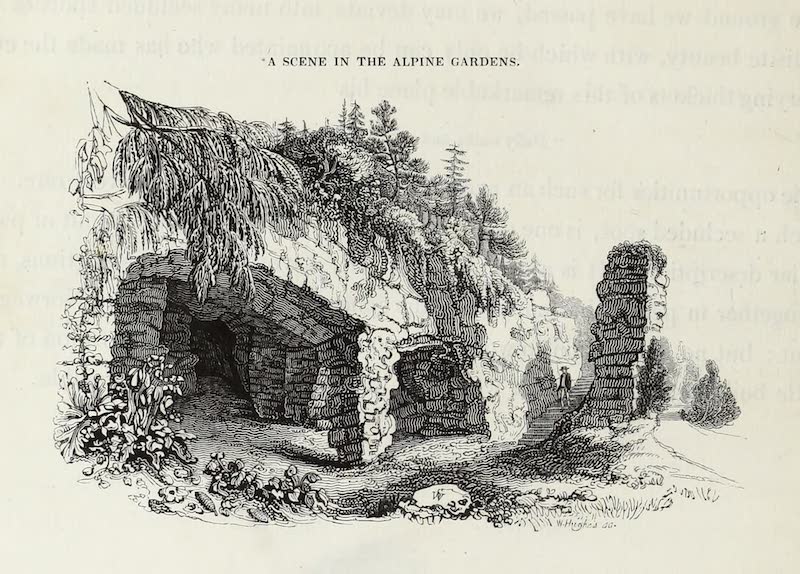 | A Scene in the Alpine Gardens
|
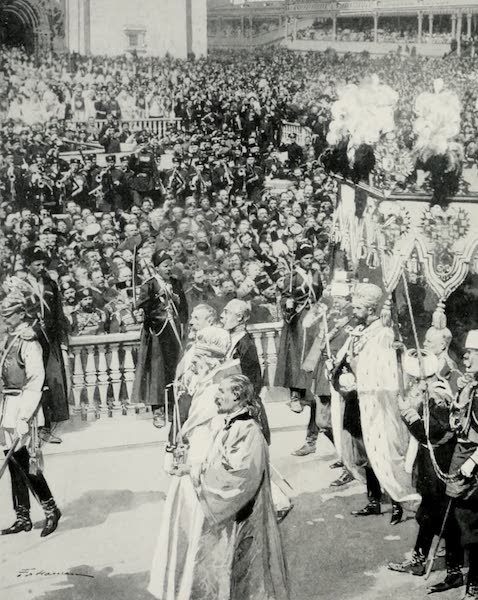 | A Scene in the Kremlin during the Coronation of the Emperor
|
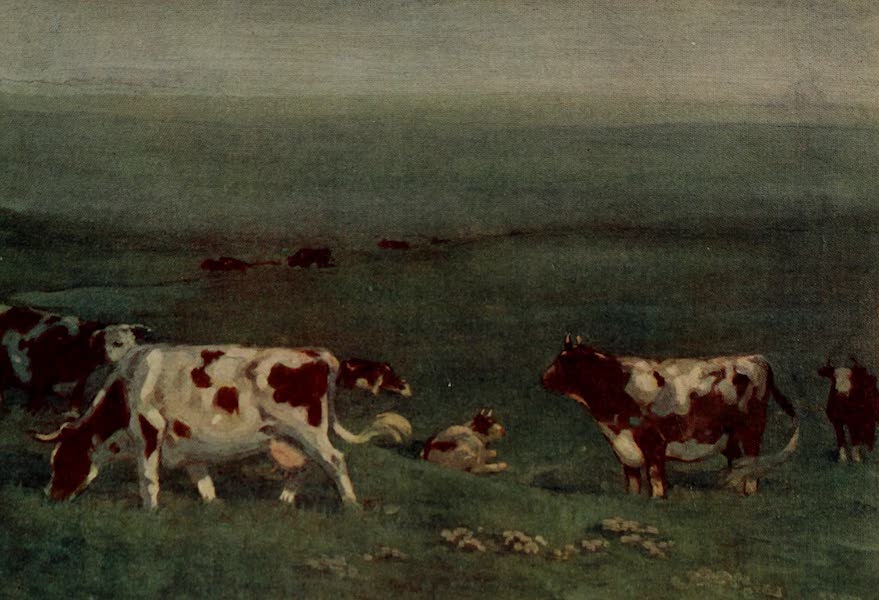 | A Scene on an Argentine Estancia
|
 | A Scene on Broadway
|
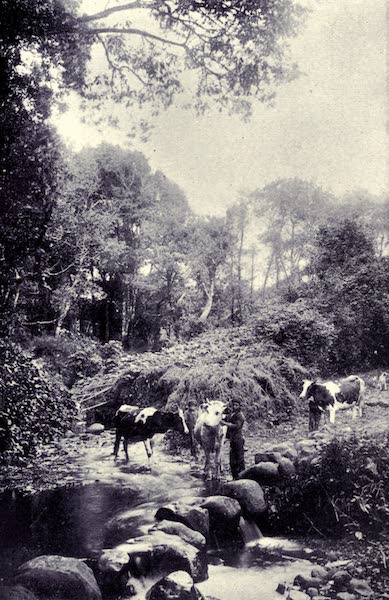 | A Scene on the Road to Machico
|
 | A Schaman of Kamtshatka
|
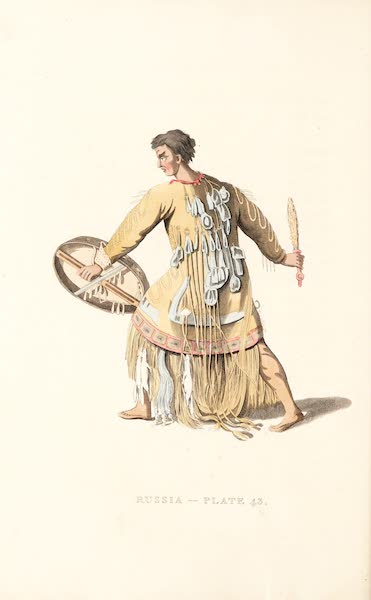 | A Schaman of Kamtshatka
|
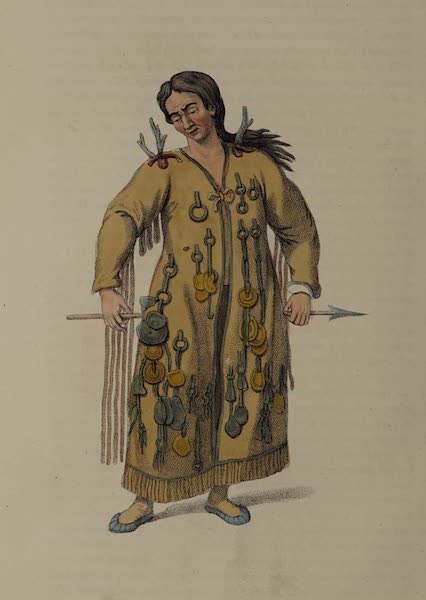 | A Schaman of the Tungoosi
|
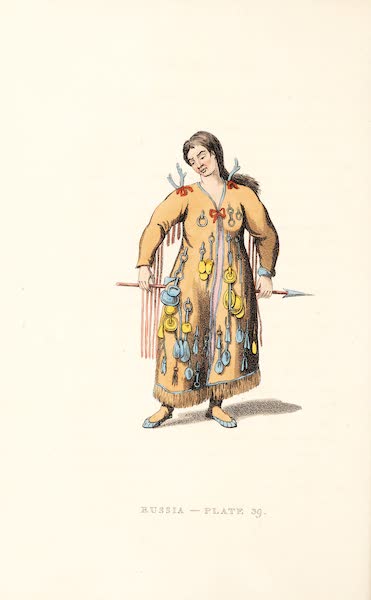 | A Schaman of the Tungoosi
|
 | A Schehch's Tomb in Arabia
|
 | A Schlavonian Country Girl, of the County of Neutra
|
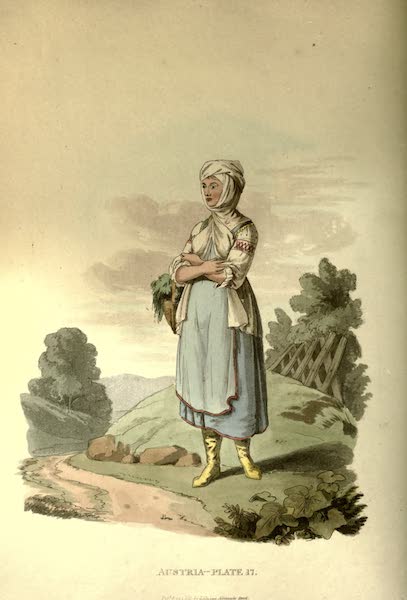 | A Sclavonian Country Girl, of the County of Neutra
|
 | A Sclavonian Peasant of the County of Neutra, or Neytra
|
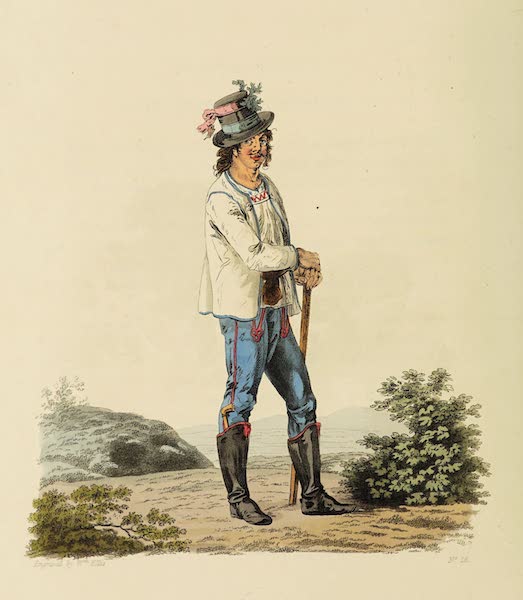 | A Sclavonian Peasant of the County of Neutra, or Neytra
|
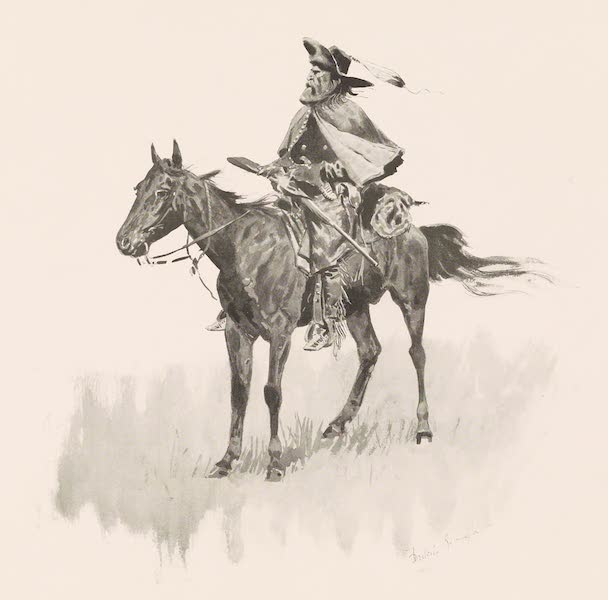 | A Scout - 1868
|
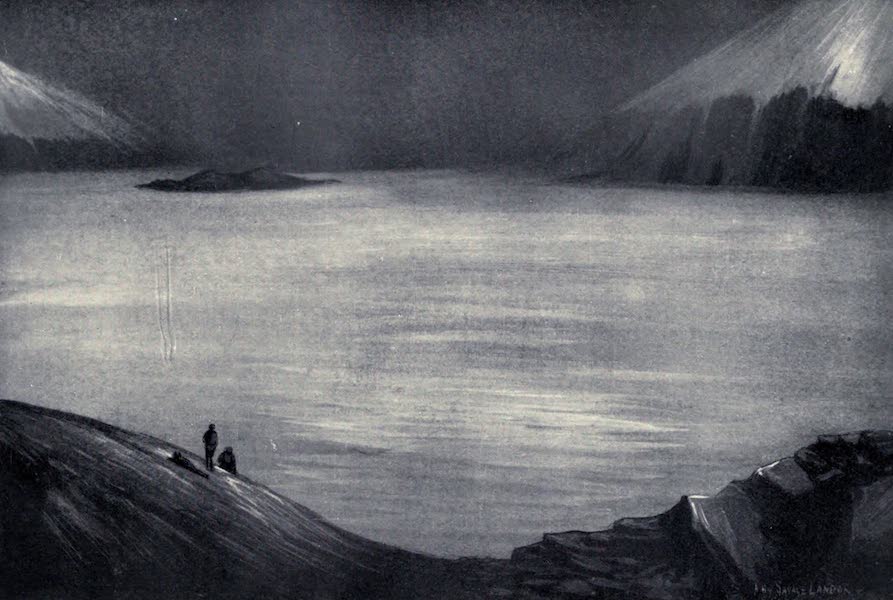 | A Sea of Mist
|
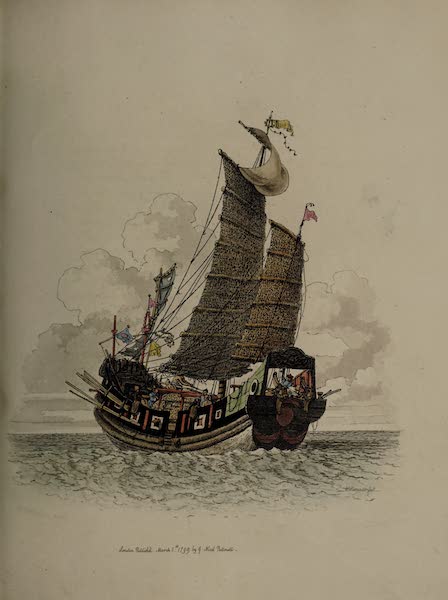 | A Sea Vessel under Sail
|
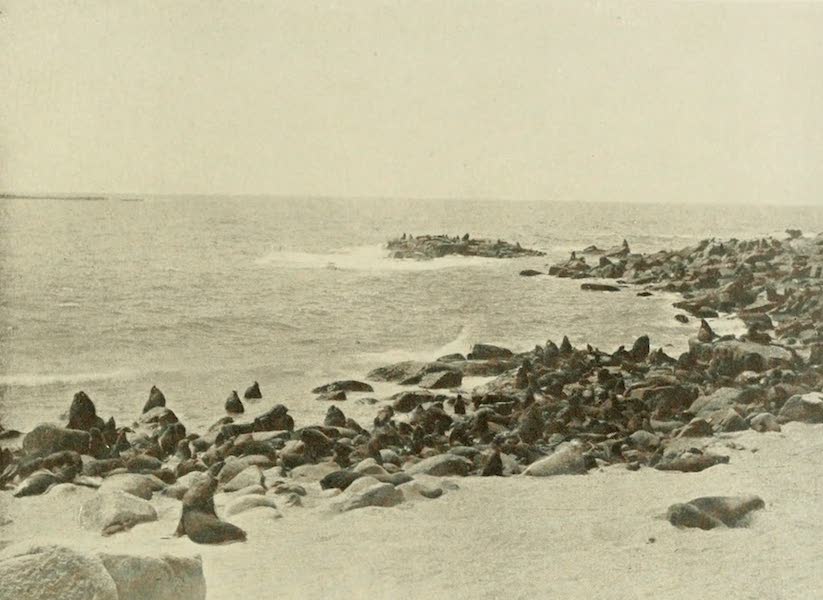 | A Seal Rookery
|
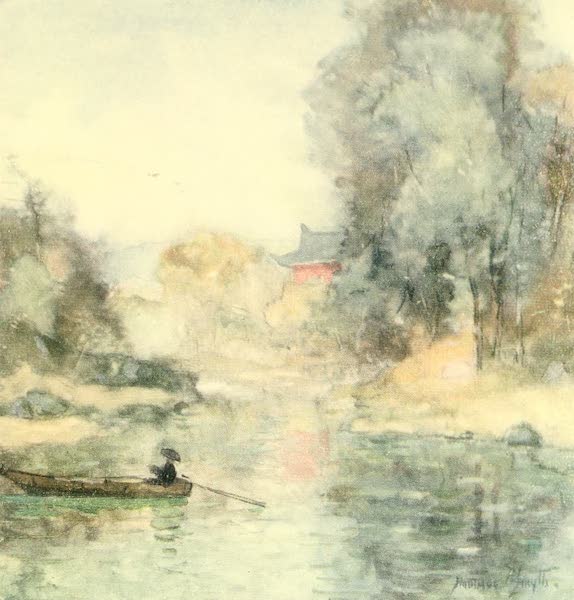 | A secluded Garden by a River Bank
|
 | A Section of the Court of the Four Seasons - Illuminated
|
 | A Section of the Esplanade
|
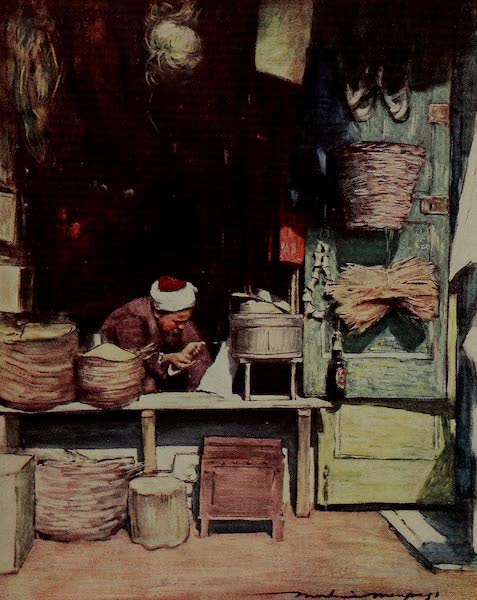 | A Seed Stall, Delhi
|
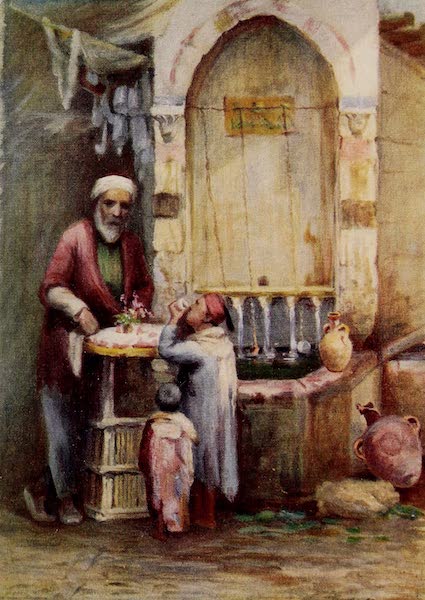 | A Seller of Sweets, Damascus
|
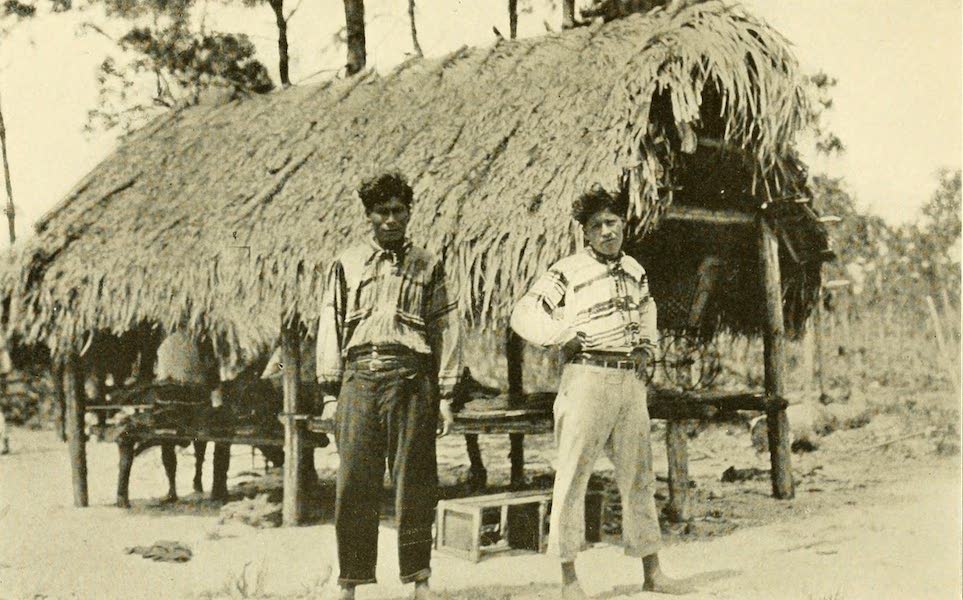 | A Seminole Hut and Indian Youths
|
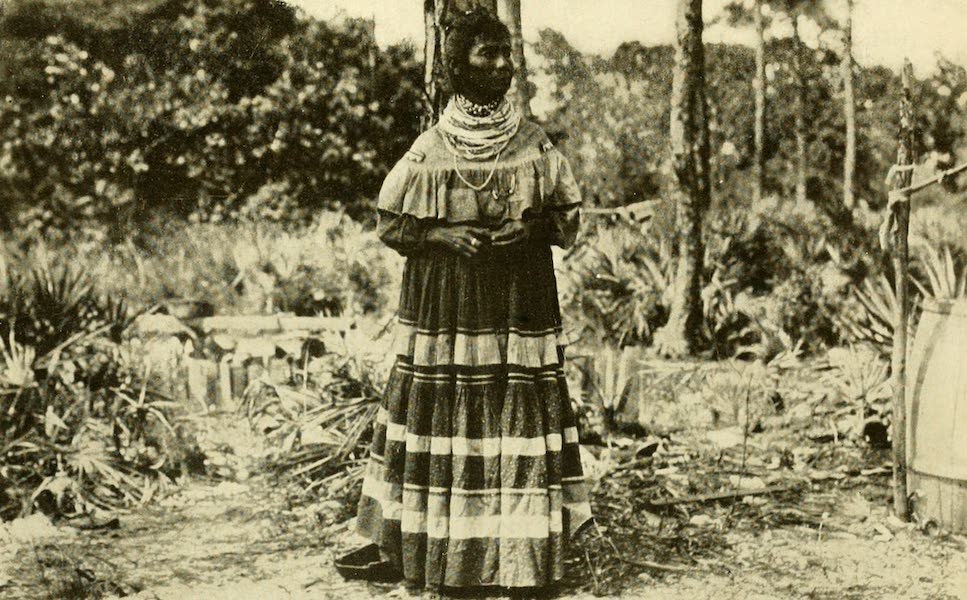 | A Seminole Indian Woman
|
 | A Sentinel of the Rockies
|
 | A Serethian
|
 | A Serethian
|
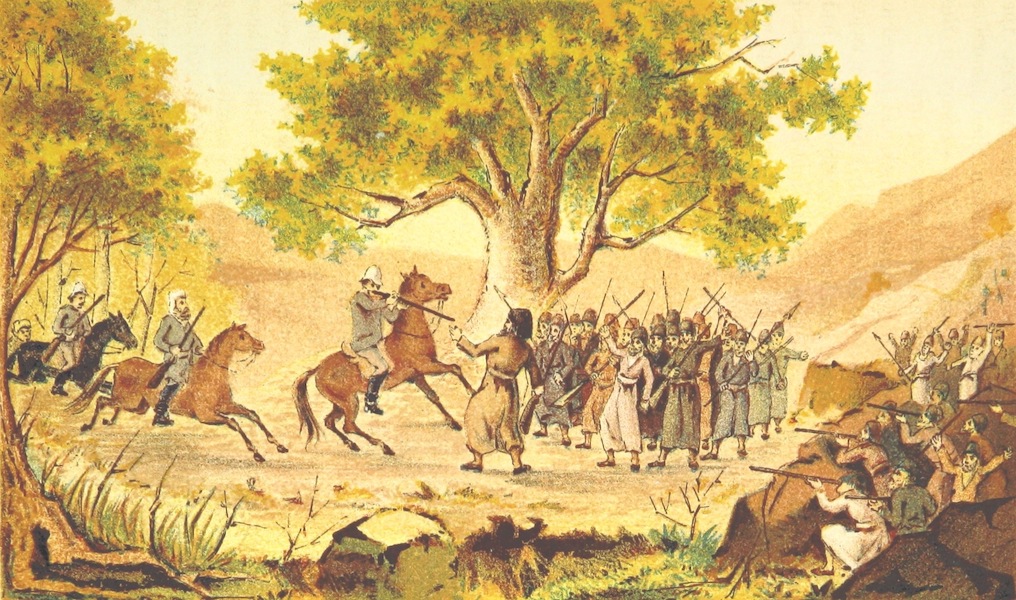 | A Serious Recontre in the Mountains
|
 | A Serpent-catcher
|
 | A Sertanejo
|
 | A Servant Maid of an Inn at Inspruck
|
 | A Servant maid of an Inn at Inspruck
|
 | A Settler's hut on the frontier
|
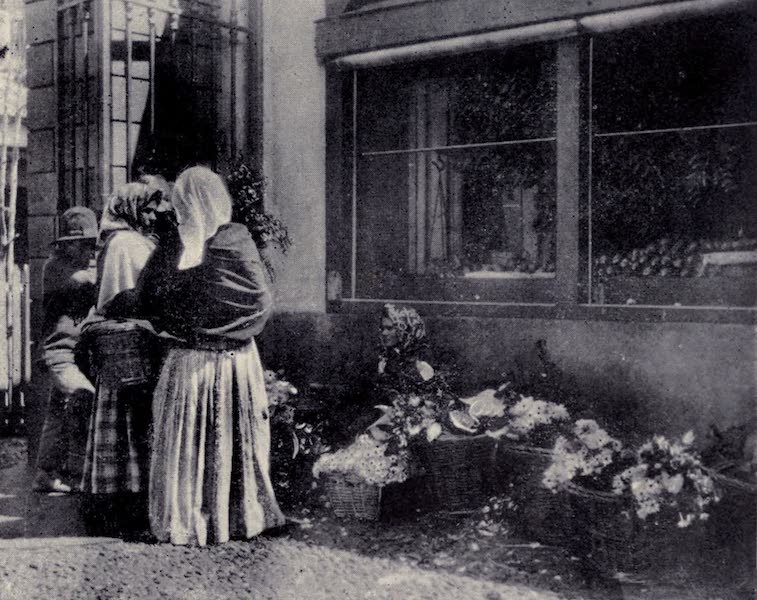 | A Shady Corner : Flower and Fruit Market
|
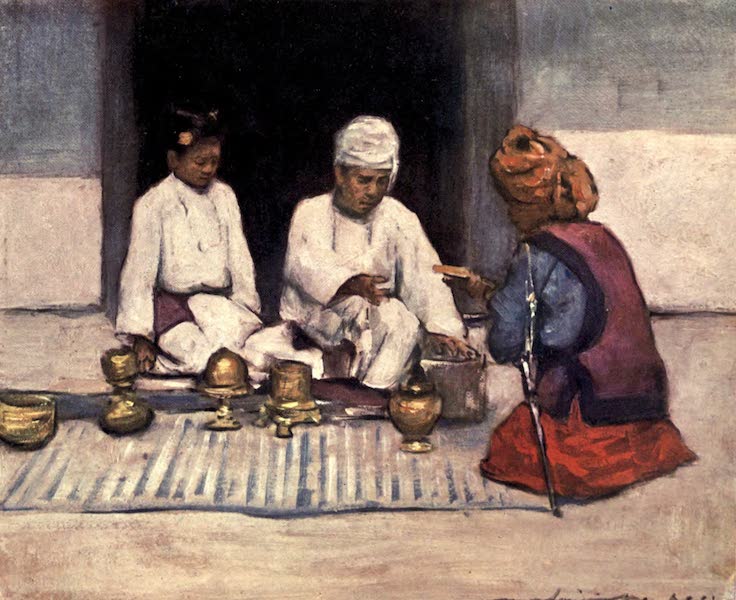 | A Shan Chief and his Wife
|
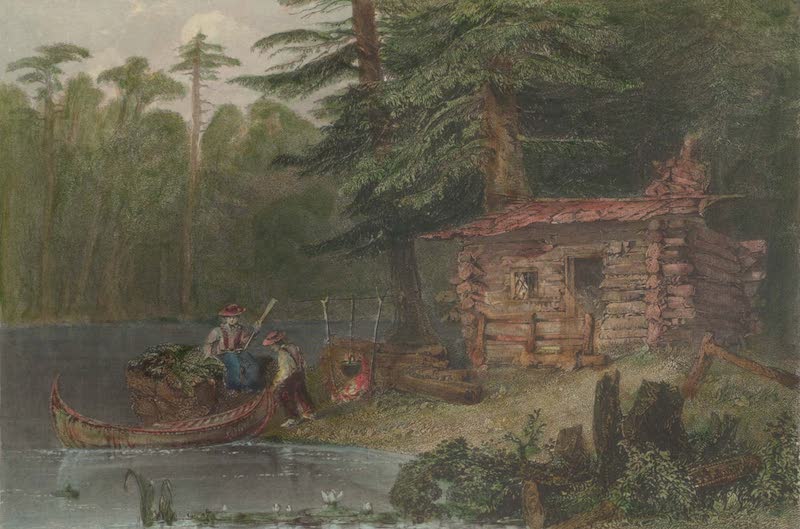 | A Shanty on Lake Chaudiere (Canada)
|
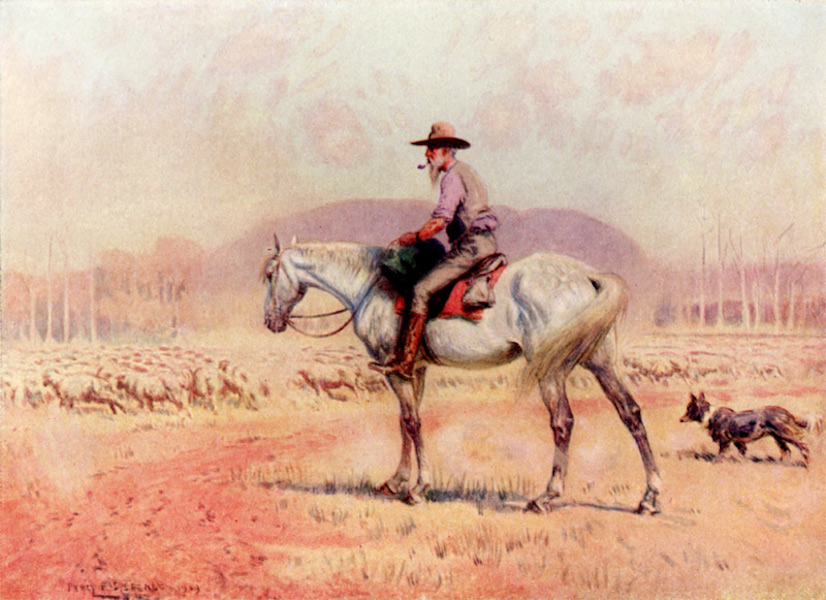 | A Sheep Drover
|
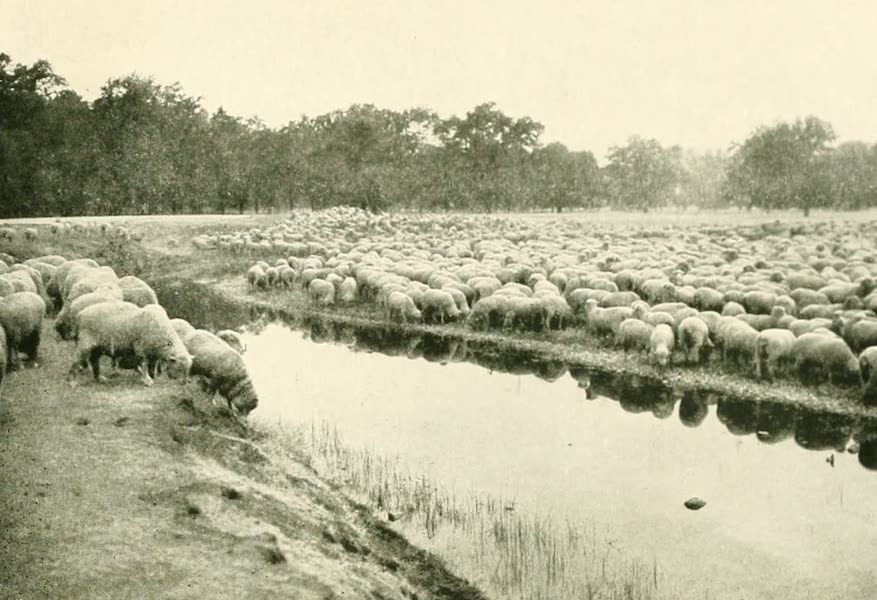 | A sheep ranch in Tehama County
|
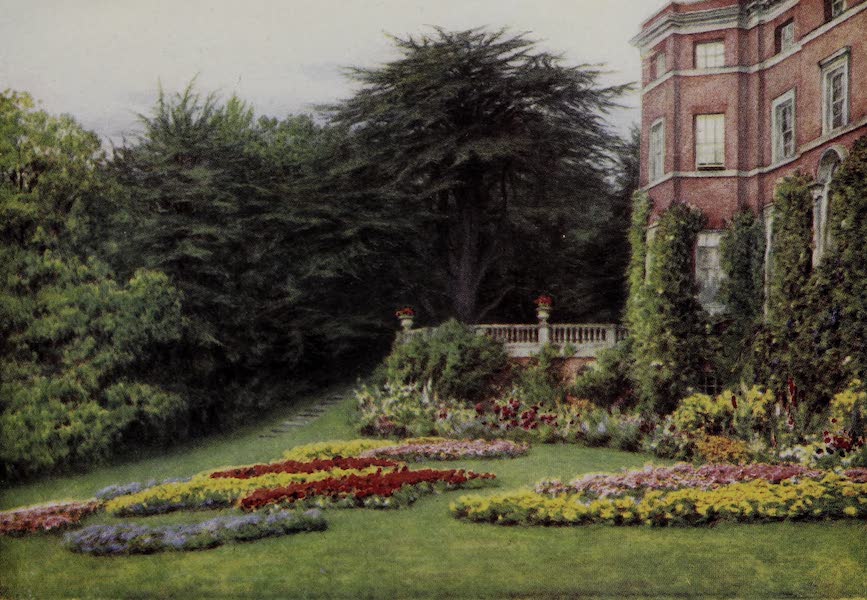 | A Sheltered Garden
|
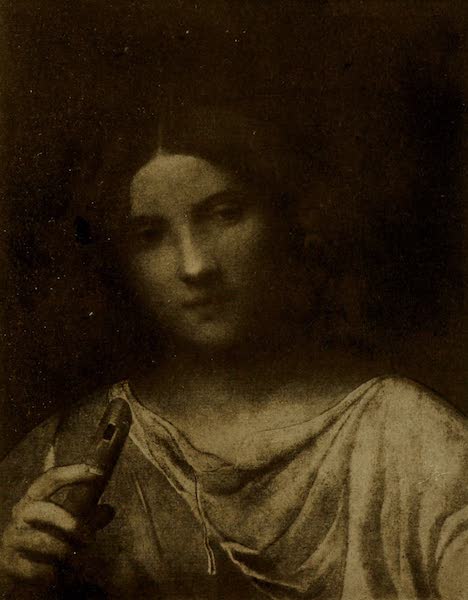 | A Shepherd with a Pipe. Attributed to Giorgione (Hampton Court). From a photograph by W. A. Mansell & Co
|
 | A Shepherd's Cot in Glen Nevis, Inverness-shire
|
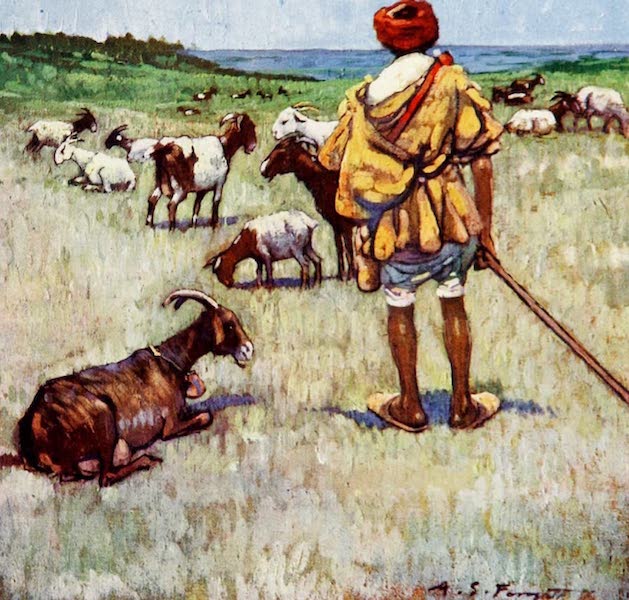 | A Shepherd, Cape Spartel
|
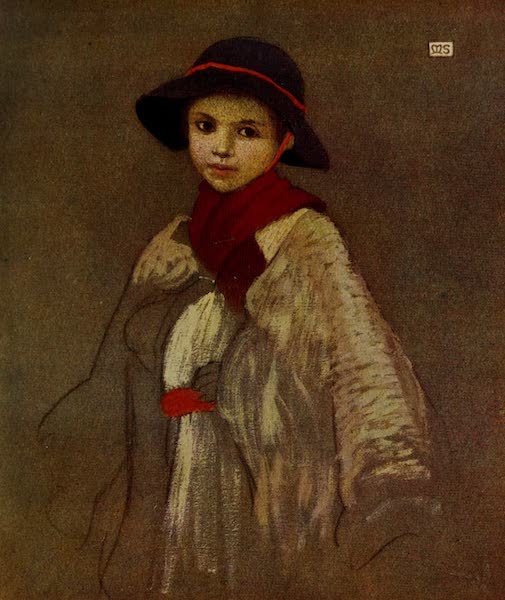 | A Shepherd-boy of Felsobanya
|
 | A Sheykh's Tomb at Cairo
|
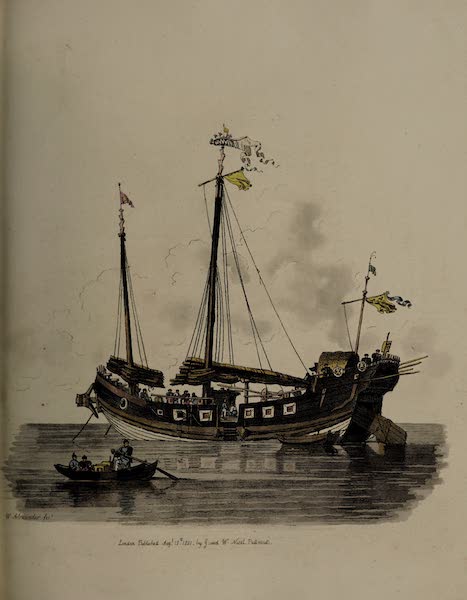 | A Ship of War
|
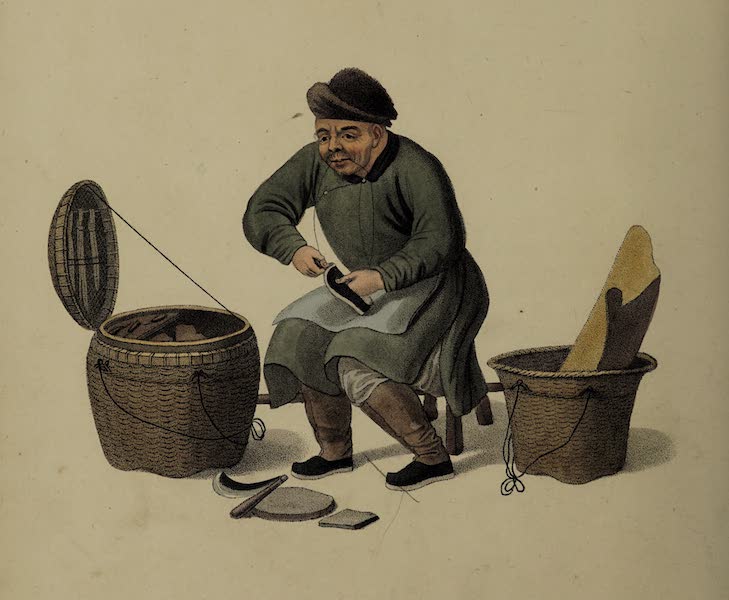 | A Shoemaker
|
 | A Shoemaker
|
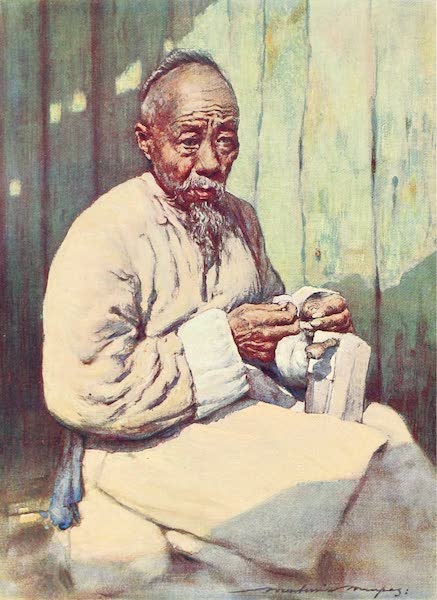 | A Shoemaker
|
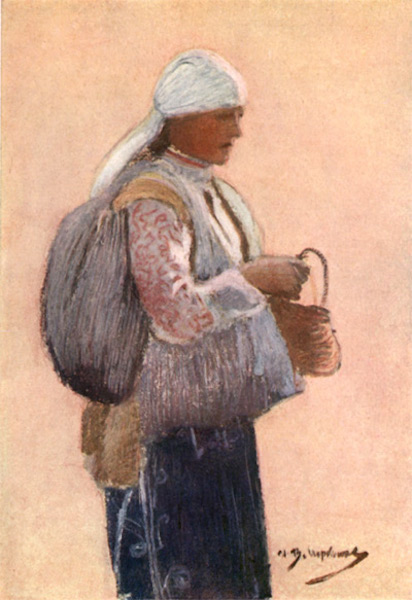 | A Shôp Woman of the District of Sofia
|
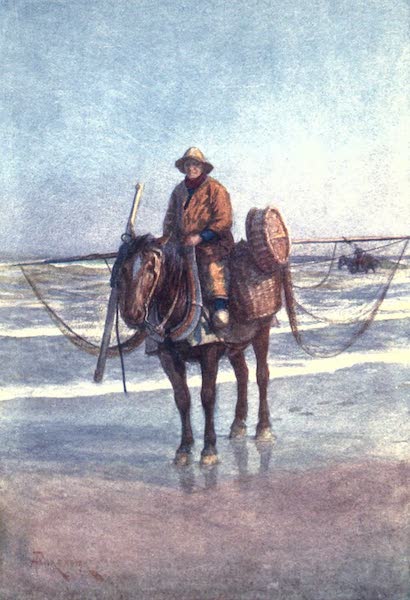 | A Shrimper on Horseback, Coxyde
|
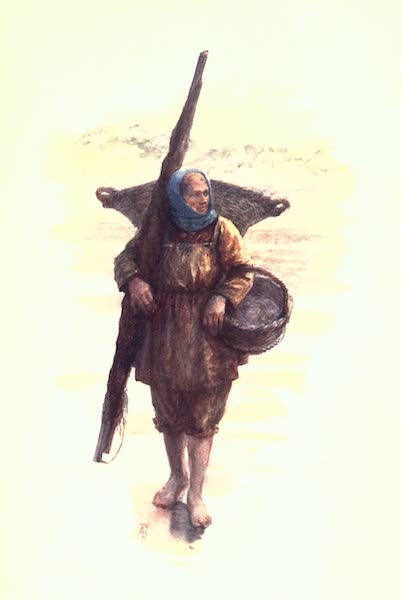 | A Shrimper, Coxyde
|
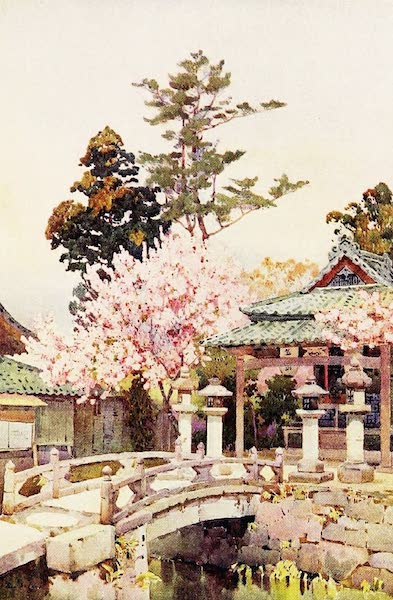 | A Shrine at Kyomidzu
|
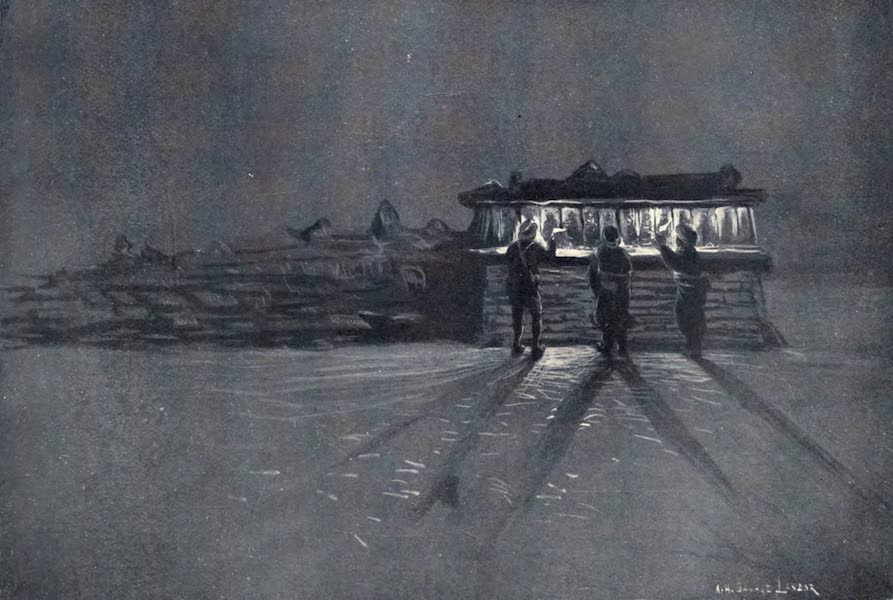 | A Shrine of Curious Buddha Images
|
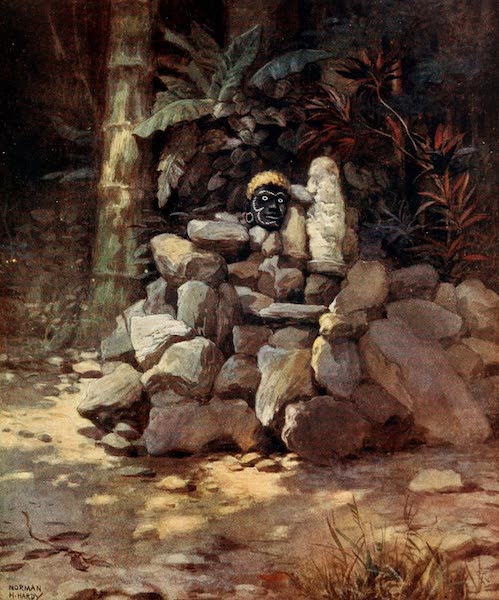 | A Shrine or Tomb of a Chief at Simbo, Solomon Islands
|
 | A Side Canal
|
 | A Side Path to the Manor-house
|
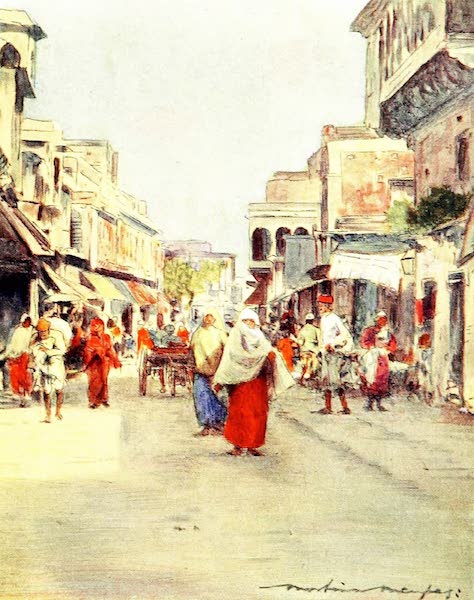 | A Side Street in Agra
|
 | A Sierra Nevada tetejen, Julius 13 an
|
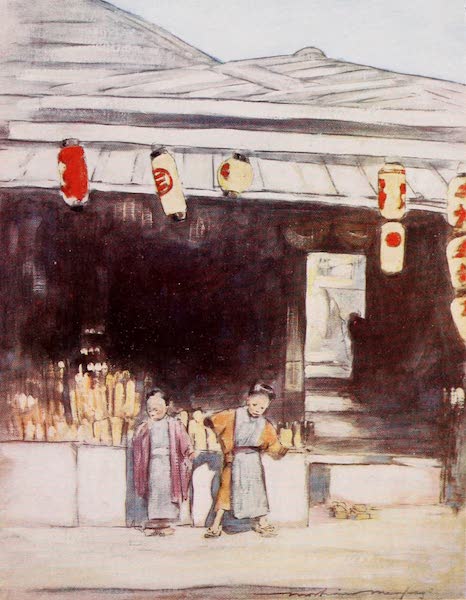 | A Sign-painter's
|
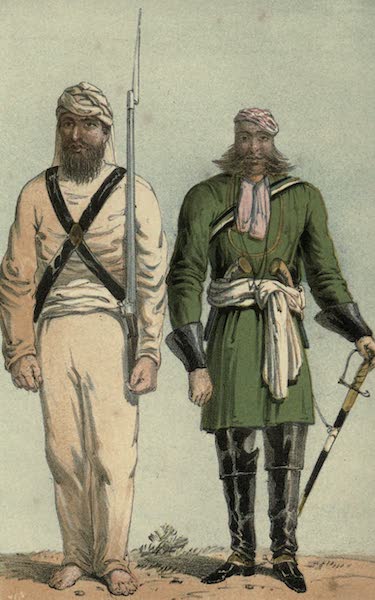 | A Sikh Recruit / A Mussulman Sowar
|
 | A Sikh Spear-bearer
|
 | A Sikh Warrior
|
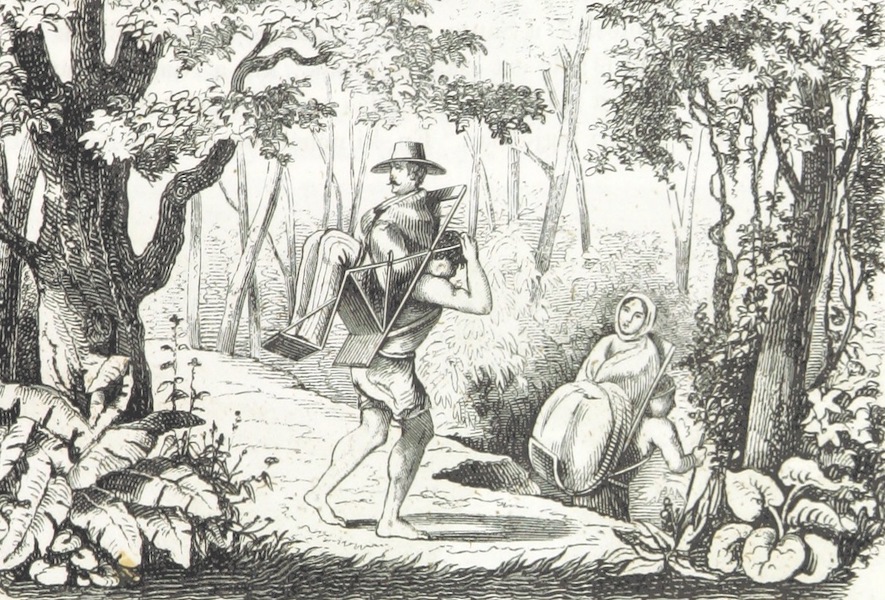 | A Silla
|
 | A Silvery Day on the Nile
|
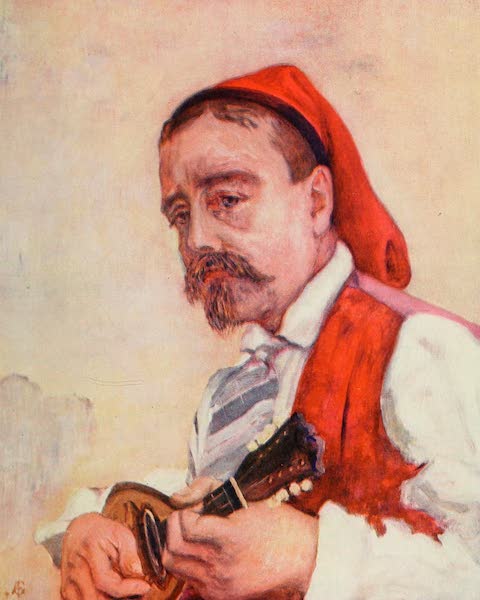 | A Singer in the Tarantella
|
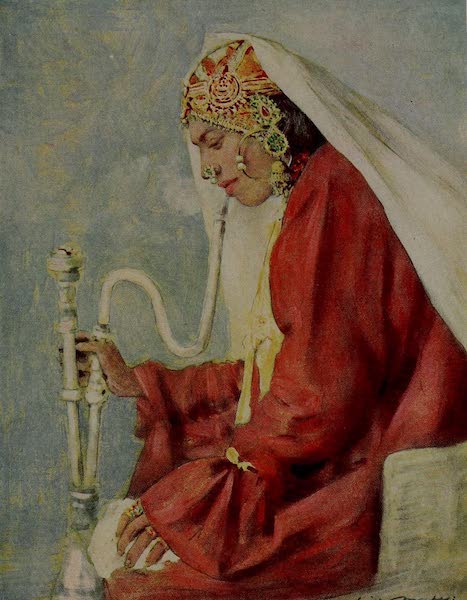 | A Singing Girl
|
 | A Sioux Chief
|
 | A sketch by compass of the coast of the promontory of Shan-tung
A sketch by compass of the coast of the promontory of Shan-tung, with the track of the ships, and the soundings, from the place of first making the land to the strait of Mi-a-tau. From the great extension of this promontory, or bold point of land into the Yellow sea towards the kingdom of Corea, beyond the rest of the Chinese coast, it was conceived diere might be a considerable degree of danger and difficulty in sailing round it into the gulf of Pekin. The squadron, however, standing well in towards the coast, doubled the promontory in sight of the land the greatest part of the way, which furnished an excellent opportunity of marking down the different points, and the depth of water. It was of importance to have determined that there was no harbour fit for large ships in the strait, or among the islands of Mi-a-tau, as had been supposed from the information of Chinese pilots, and to have discovered an excellent bay on the northern coast of the promontory of Shan-tung, where none had been expected. This bay, and the whole coast, is laid down with as great accuracy as circumstances would allow. |
 | A sketch from Cummings Bukit, Singapore
|
 | A Sketch Map of the Southern Parts of Yorkshire
|
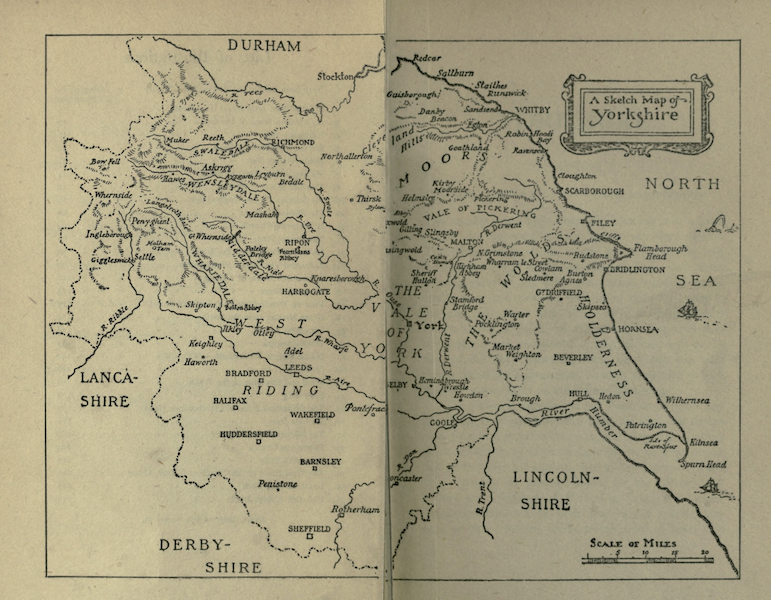 | A Sketch Map of Yorkshire
|
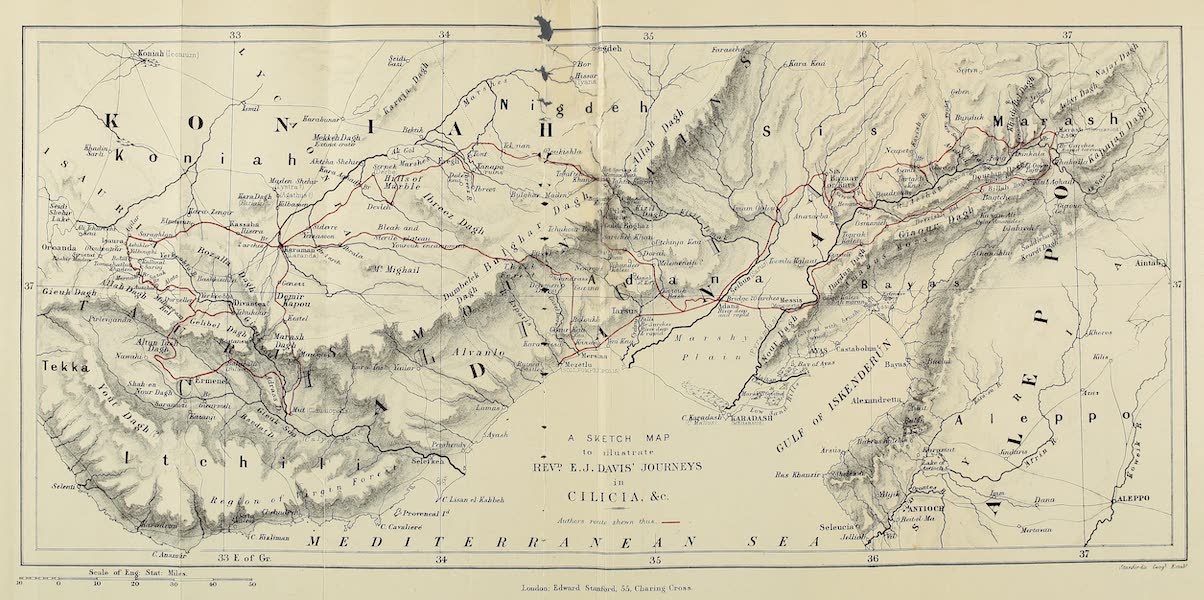 | A Sketch Map to Illustrate Revd E. J. Davis' Journey's in Cilicia &c.
|
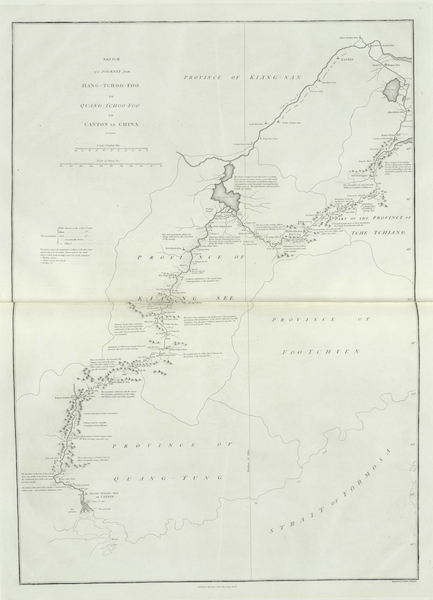 | A sketch of a journey from Hang-choo-foo
A sketch of a journey from Hang-choo-foo to Quang-choo-foo, or Canton, in China These two plates comprehend all that extent of country lying between the town of Zhe-hol, in Chinese Tartary and the city of Canton, at the southern extremity of the empire, a distance not less than fifteen hundred miles. The rivers and canals that open a direct communication between the capital and the port of Canton; all the cities of the first, second, and third order, with many considerable towns and villages, situated upon the banks of those canals and rivers ; the general surfaces, as well as produce, of the different parts of the country that occurred in this route; with the temperature, as shewn by Fahrenheit's thermometer, at the time they were passed, are marked down on these sketches. |
 | A sketch of a journey from Zhe-hol in Tartary
A sketch of a journey from Zhe-hol in Tartary, by land, to Pekin, and from thence by water to Hang-choo-foo, in China. These two plates comprehend all that extent of country lying between the town of Zhe-hol, in Chinese Tartary and the city of Canton, at the southern extremity of the empire, a distance not less than fifteen hundred miles. The rivers and canals that open a direct communication between the capital and the port of Canton; all the cities of the first, second, and third order, with many considerable towns and villages, situated upon the banks of those canals and rivers ; the general surfaces, as well as produce, of the different parts of the country that occurred in this route; with the temperature, as shewn by Fahrenheit's thermometer, at the time they were passed, are marked down on these sketches. |
 | A Sketch of Mr. Pearce's House at Chelicut
|
 | A Sketch of some of the Gold Ornaments worn by the Woman of Timbuctoo
|
 | A sketch of the Pei-ho, or White river
A sketch of the Pei-ho, or White river, from its entrance into the gulf of Pekin to the city of Ten-choo-foo, in which are marked down the cities, towns, principal villages, and military posts situated upon its banks. This plate contains also a sketch of the road from Pekin to Zhe-hol, in Chinese Tartary ; in which are situated, at certain distances, six different palaces and gardens for the accommodation of the Emperor of China, when travelling between those two places. |
![A sketch of the Penang Hill [II]](https://historyarchive.org/images/books/books-d/de-zieke-reiziger-or-rambles-in-java-and-the-straits-1853/plates/26-a-sketch-of-the-penang-hill.jpg) | A sketch of the Penang Hill [II]
|
![A sketch of the Penang Hill [I]](https://historyarchive.org/images/books/books-d/de-zieke-reiziger-or-rambles-in-java-and-the-straits-1853/plates/05-a-sketch-of-the-penang-hill.jpg) | A sketch of the Penang Hill [I]
|
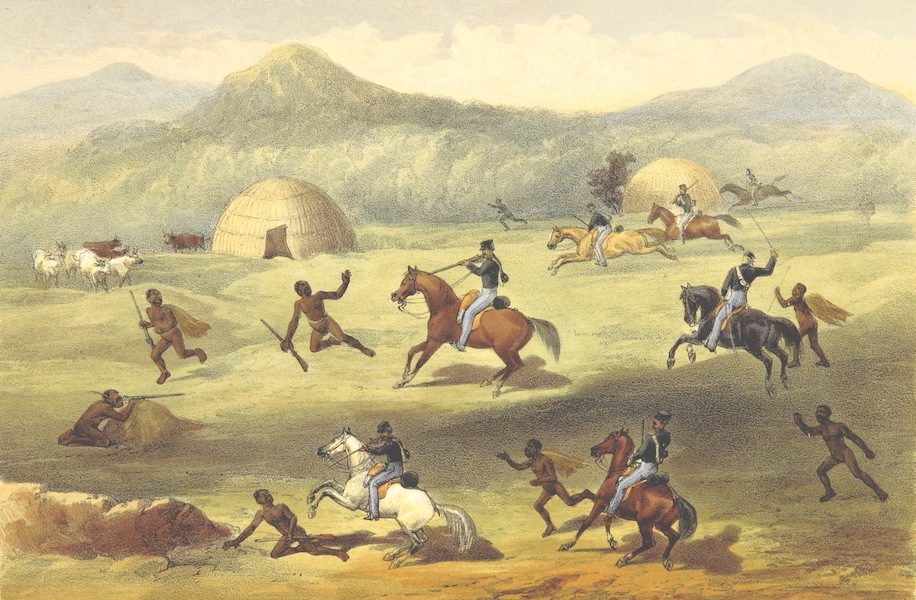 | A Skirmish in the Open
|
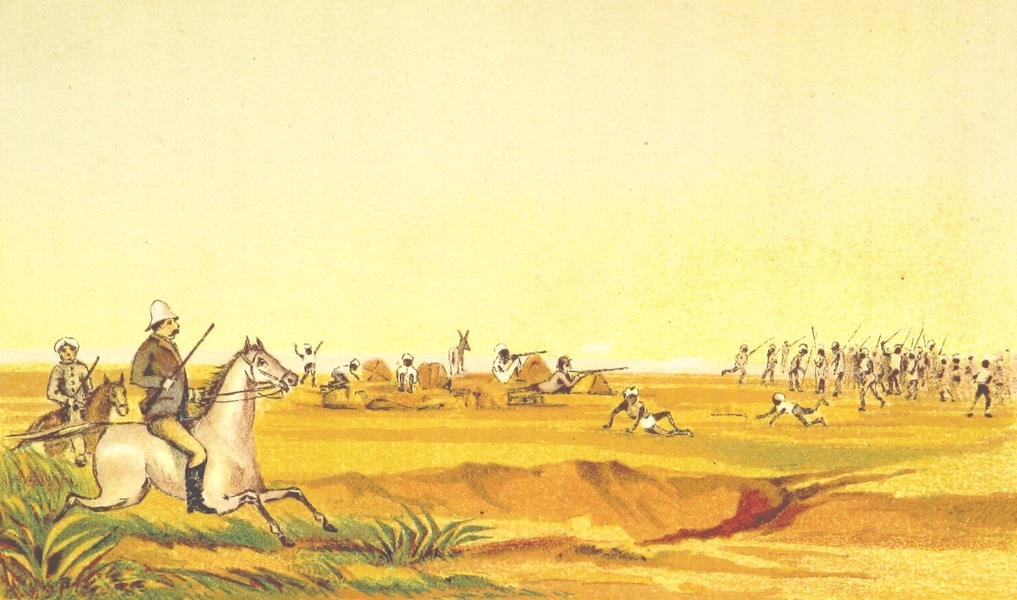 | A Skirmish with Robbers in Mazanderan
|
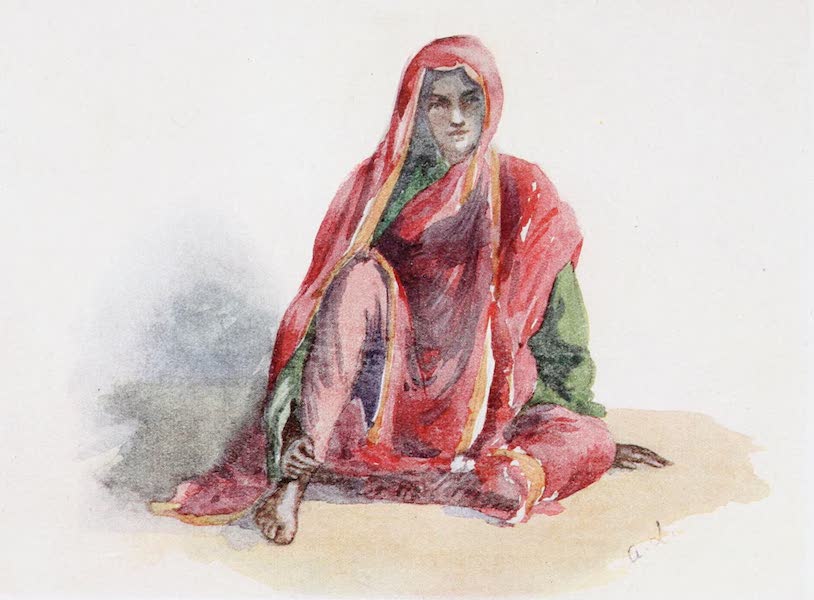 | A Slave Girl in a Rich Muhammadan Family
|
 | A Slave Kaffle
|
 | A Slave Ship
|
 | A Sledge Dog of the Arctic Highlander of Lat. 77. N.
The dog may be related to the breed Canadian Eskimo Dog or Canadian Inuit Dog known in Inuit as the Qimmiq (dog), although that breed is now black and white, not brown as shown here. Skene was the Admiralty Midshipman. |
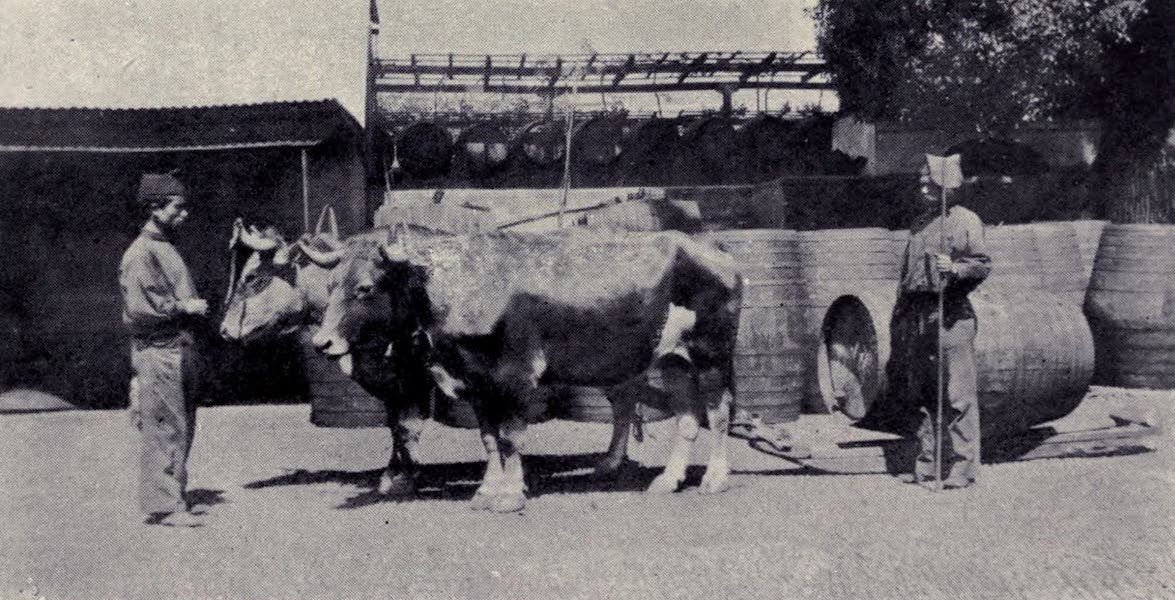 | A Sledge with Pipe of Madeira Wine
|
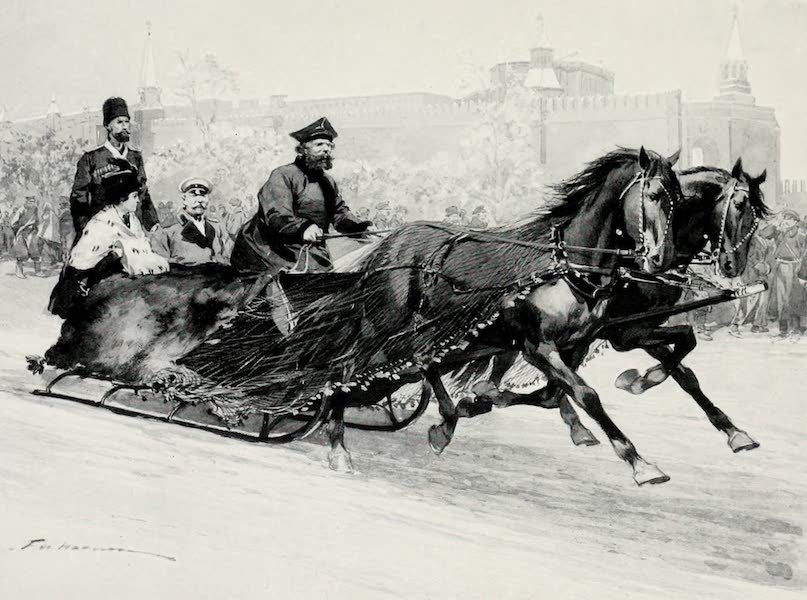 | A Sleigh with Blue Silk Net, to prevent the Snow from Spraying the Occupants ; the Kremlin in the Background
|
 | A Slipper-maker
|
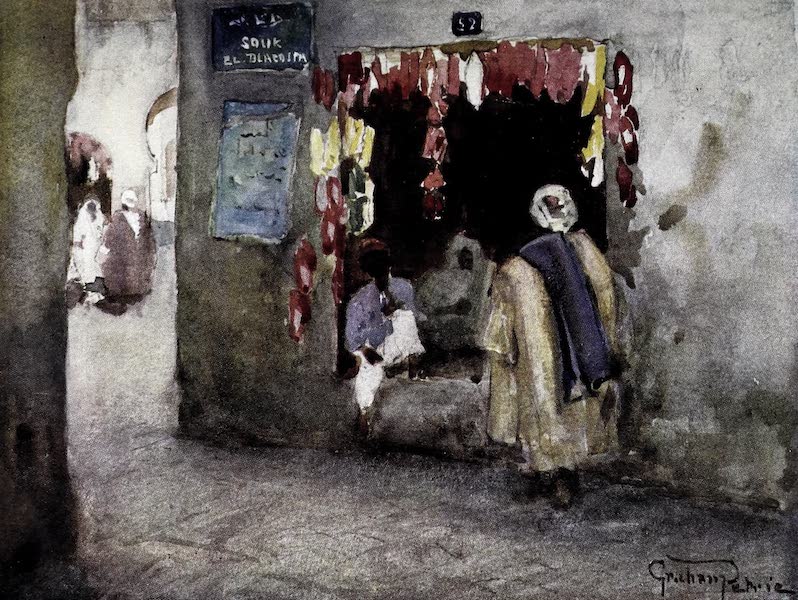 | A Slipper-Shop, Tunis
|
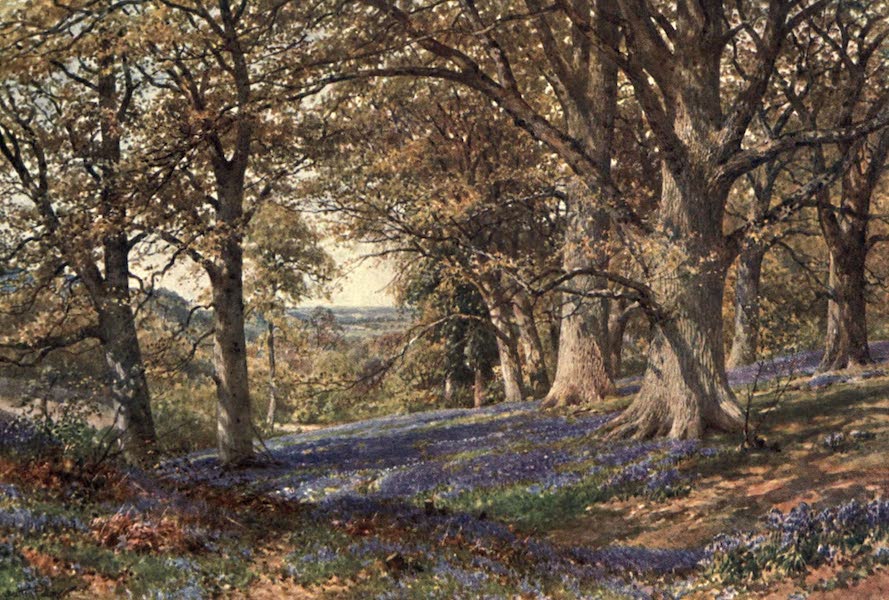 | A Slope of Bluebells, Hascombe
|
 | A Small Bazaar in Damascus
|
 | A small Flask or Bottle, silver gilt, in the form of a Partridge
|
 | A Small Gateway Covered with a Dome
The ruined city of Gaur was surrounded on all sides by numerous darwazas or gates. This gateway, known as the Gumpti Darwaza, leads through the rampart of the fort on the east side and from an inscription found near the spot was probably built by Husain Shah in 1503. The gateway comprises a domed square chamber with arched entrances that provide access and engaged polygonal bastions at each of the four corners. It is elaborately decorated with glazed tile-work panels showing brightly colored floral and geometric designs. |
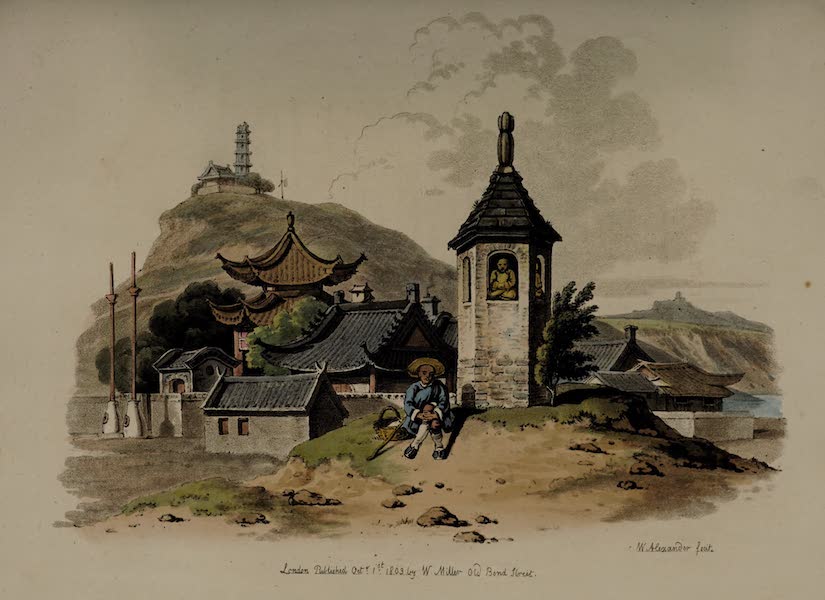 | A small Idol Temple, or Joss-house
|
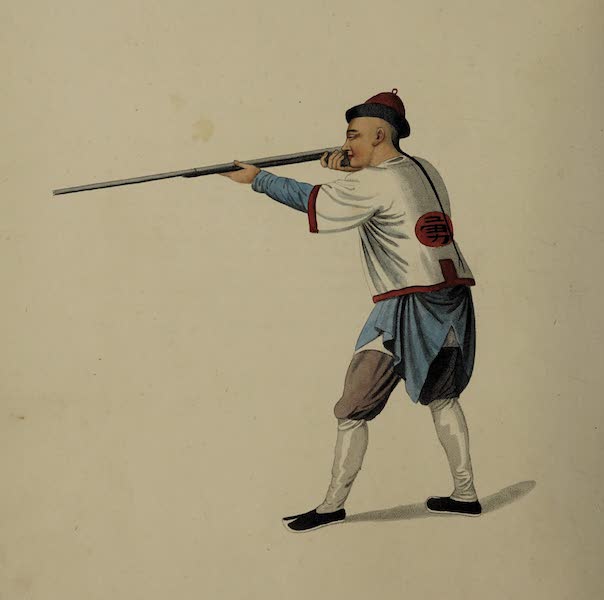 | A Soldier
|
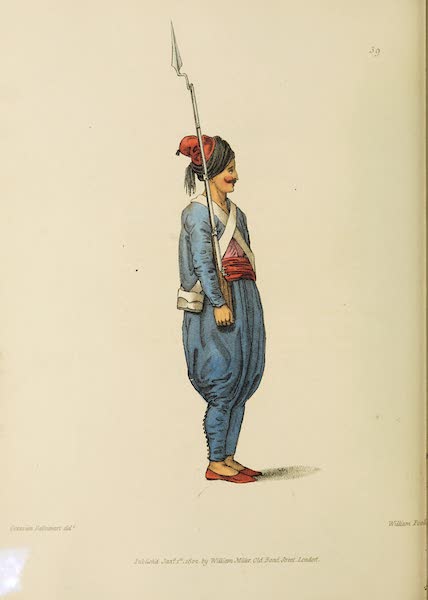 | A Soldier
|
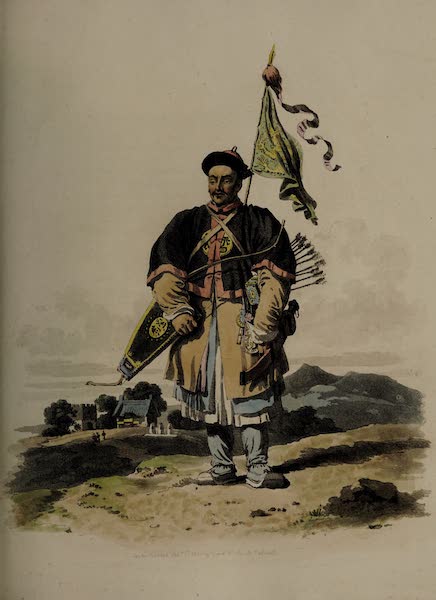 | A Soldier in undress, with a Flag at his Back
|
 | A Soldier of His Highness Dogra Sowar
|
 | A Soldier of the Imperial Foot Guards
|
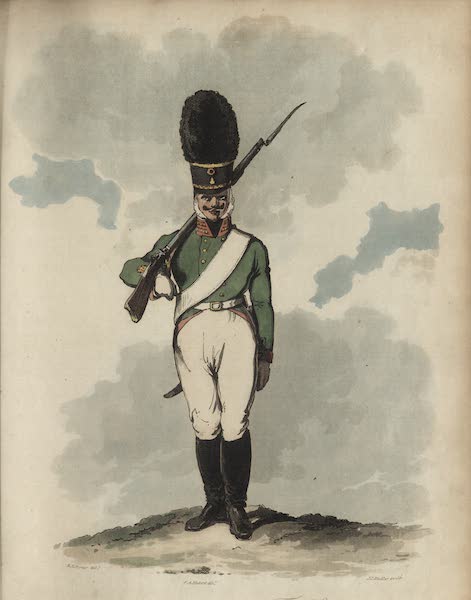 | A Soldier of the Imperial Foot-Guards
|
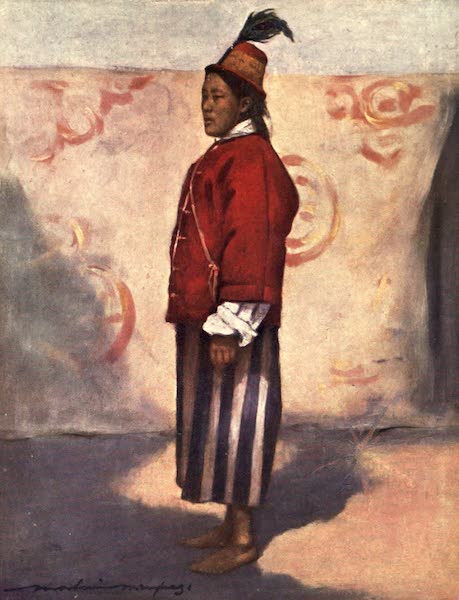 | A Soldier of the Maharaja of Sikkim
|
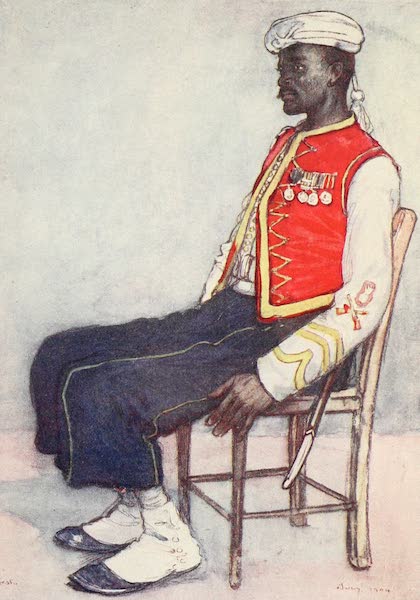 | A Soldier of the West Indian Regiment
|
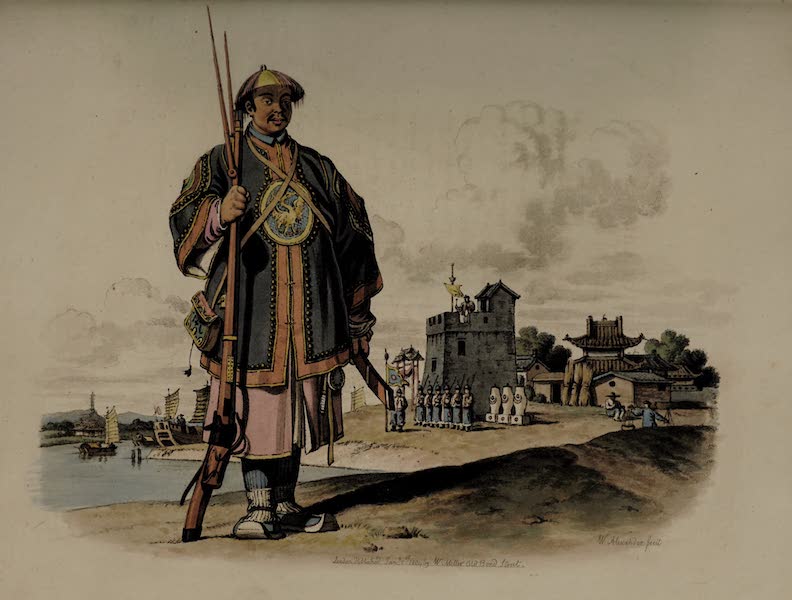 | A Soldier with a Matchlock,
|
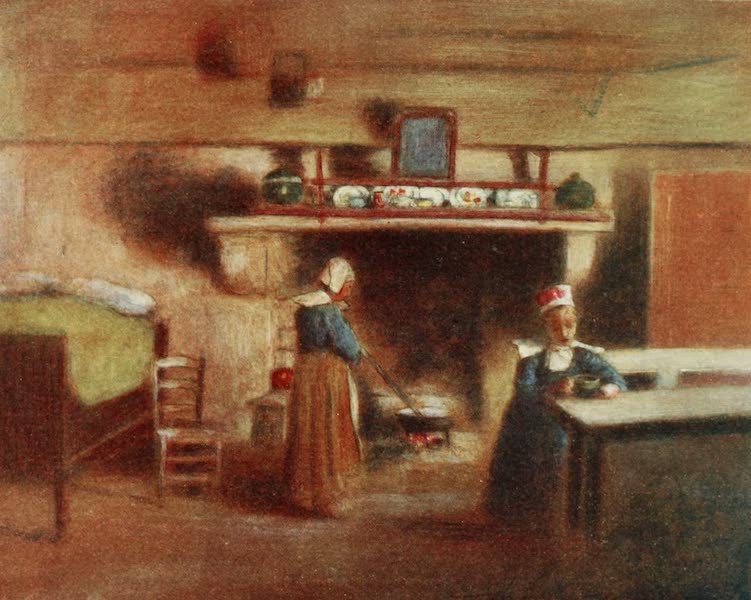 | A Solitary Meal
|
 | A Solitary Valley, Gozo
|
 | A Sotto Portico
|
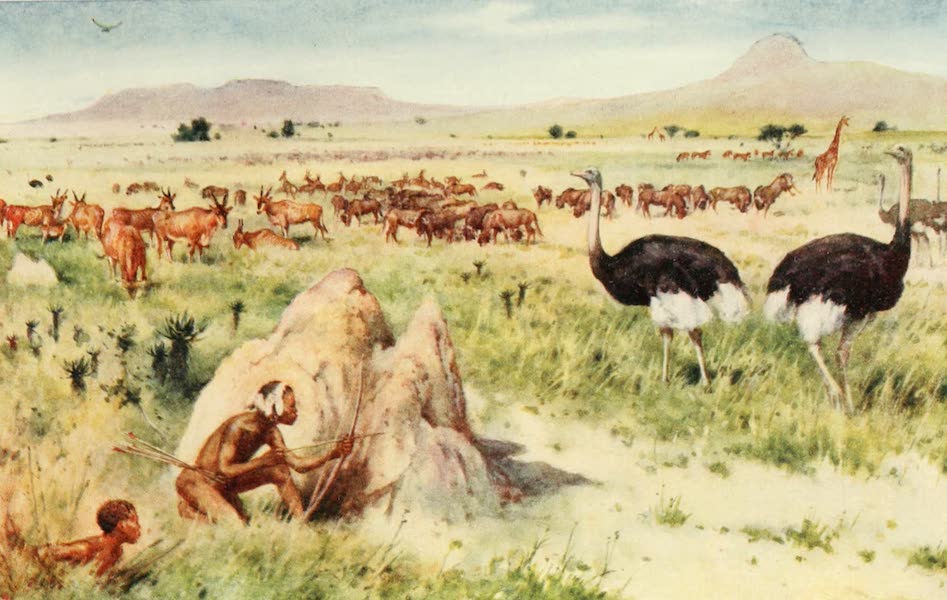 | A South African Plain Before the Coming of the White Man
|
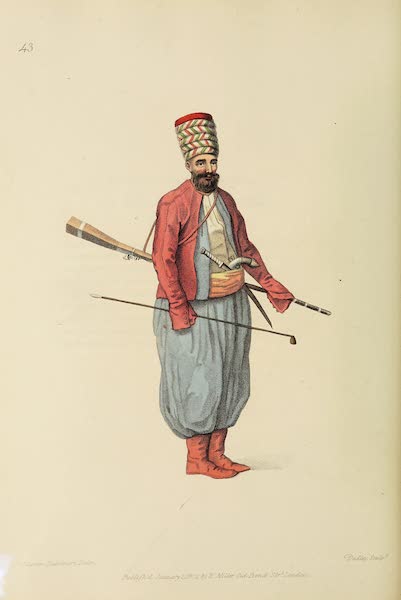 | A Spahi
|
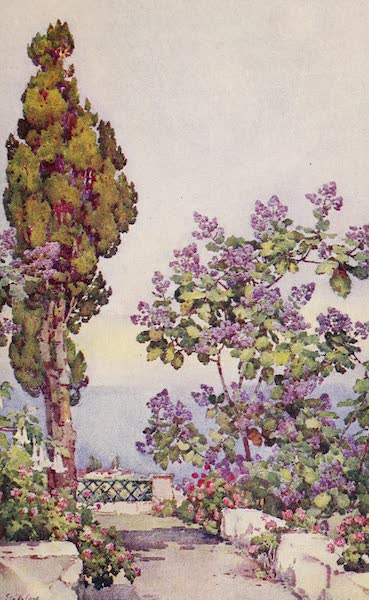 | A Spanish Garden
|
 | A Spanish lady with her attendant going to mass
|
 | A Spanish Patio
|
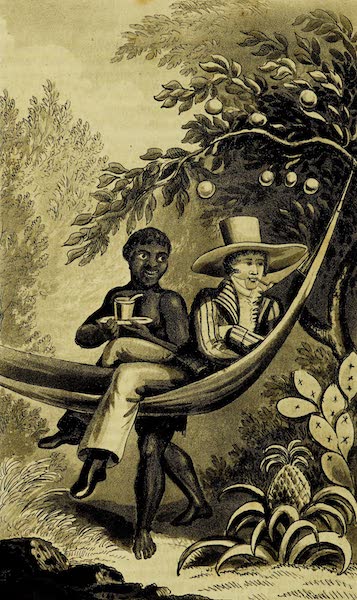 | A Spanish Planter of Porto Rico Luxuriating in his Hammock
|
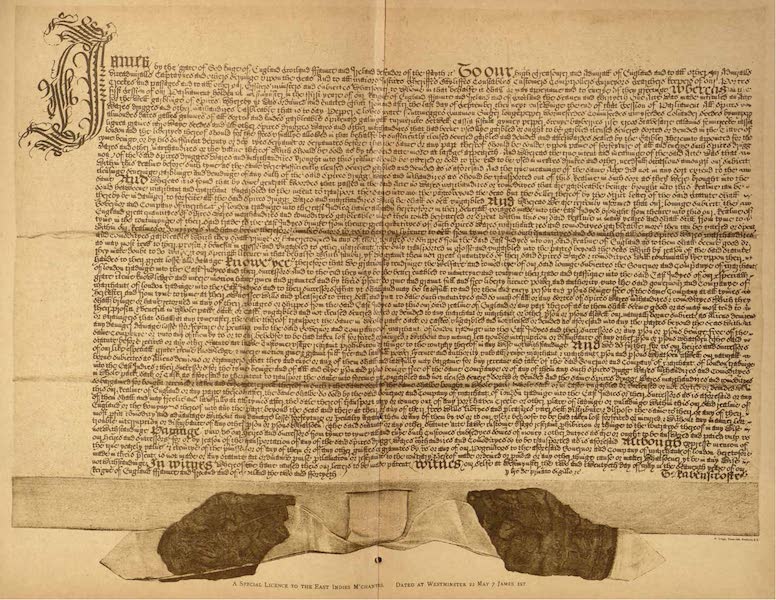 | A Special Licence to the East Indies Mchantes
|
 | A Squero or Boat-building Yard
|
 | A Squero or Boat-building Yard in Venice
|
 | A Srinagar Bazaar
|
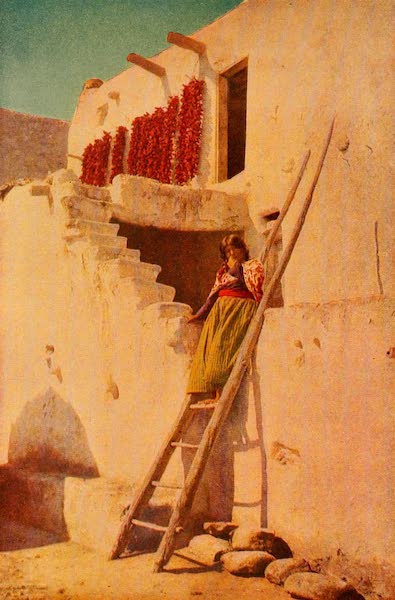 | A Stairway at Walpi
|
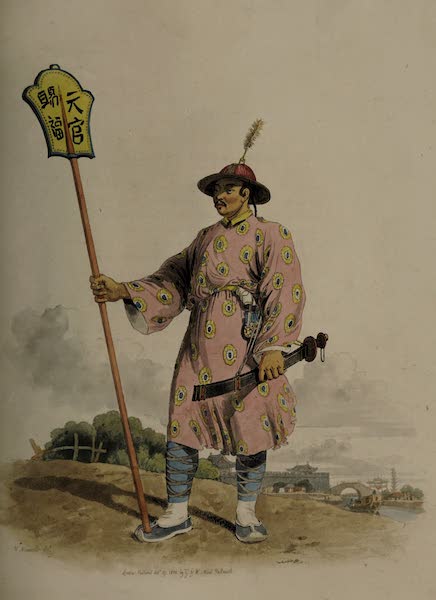 | A Standard Bearer
|
 | A Standard-bearer
|
 | A Standard-bearer of Cutch
|
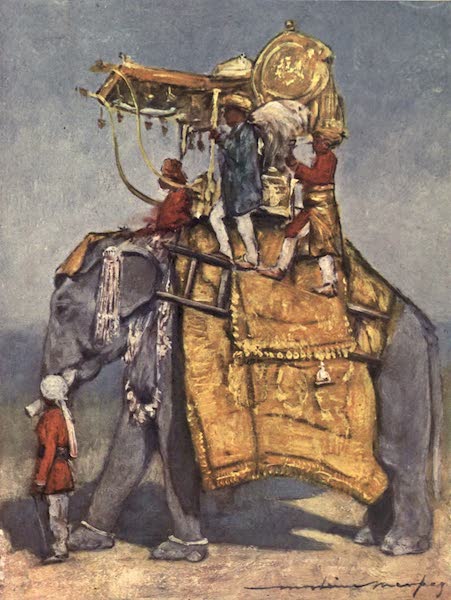 | A State Elephant in all its Trappings
|
 | A Step Street
|
 | A Step Street in Galata
|
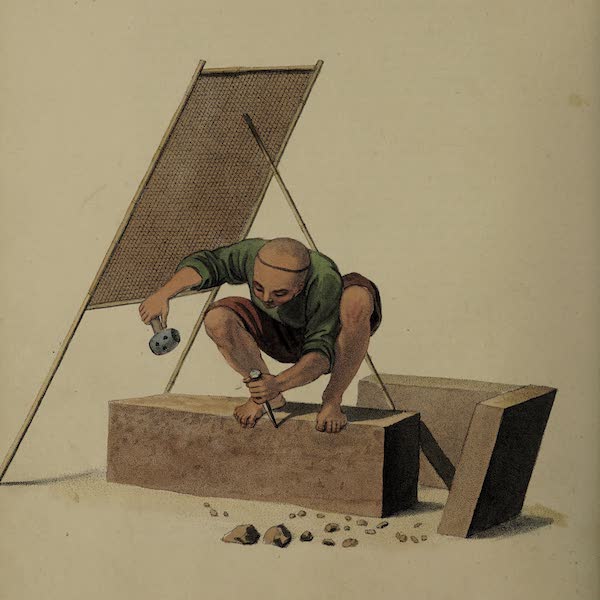 | A Stone-hewer
|
 | A Storm on a Cattle Farm in Uruguay
|
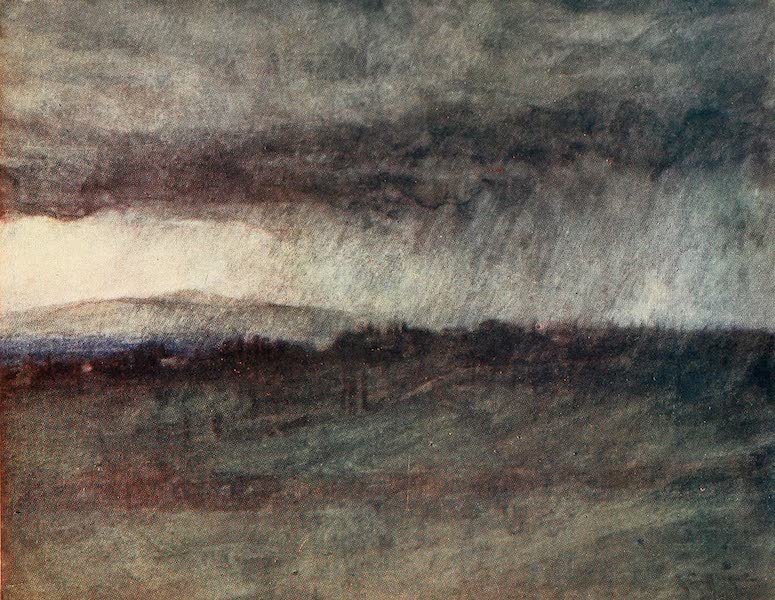 | A Storm, sweeping over the Valley of the Arno
|
 | A Stormy Afternoon
|
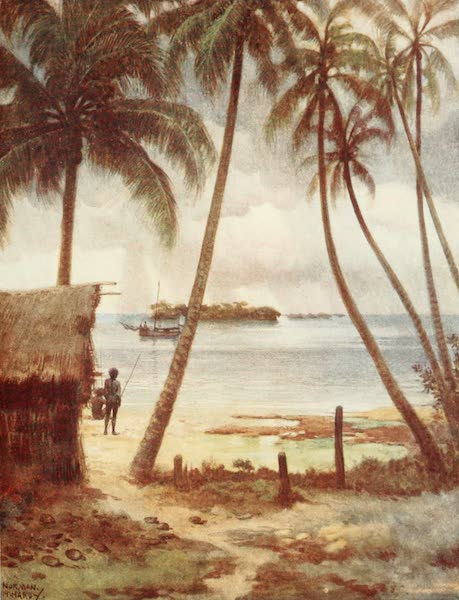 | A Stormy Day in Rubiana Lagoon, Solomon Islands
|
 | A Stormy Evening; the Dunes
|
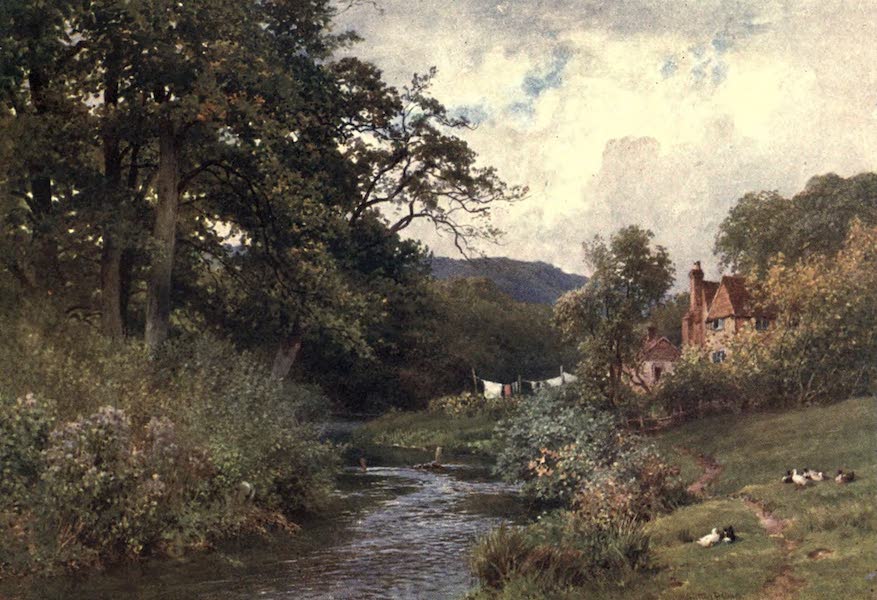 | A Stream near Shalford
|
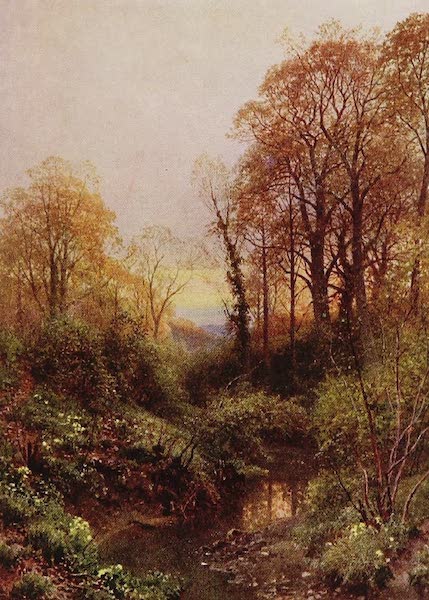 | A Stream, near Leith Hill, Surrey
|
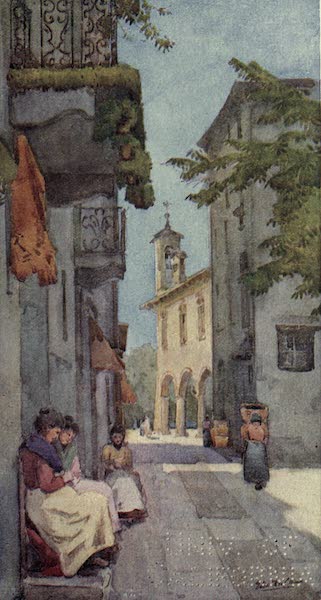 | A Street at Orta
|
 | A Street Corner
|
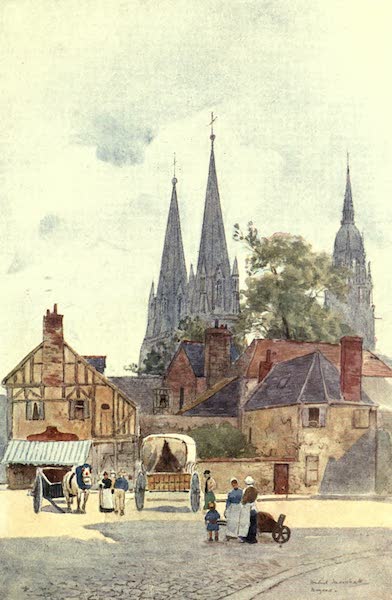 | A Street Corner, Bayeux
|
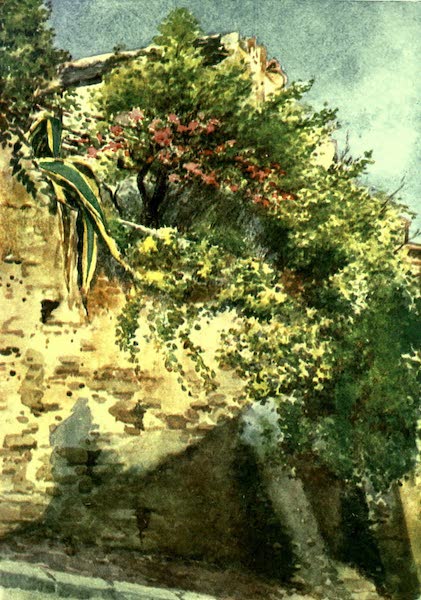 | A Street Corner, Cagnes
|
 | A Street Corner, Peshawur
|
 | A Street in Acoma
|
 | A Street in Almeria
|
 | A Street in Asiago
|
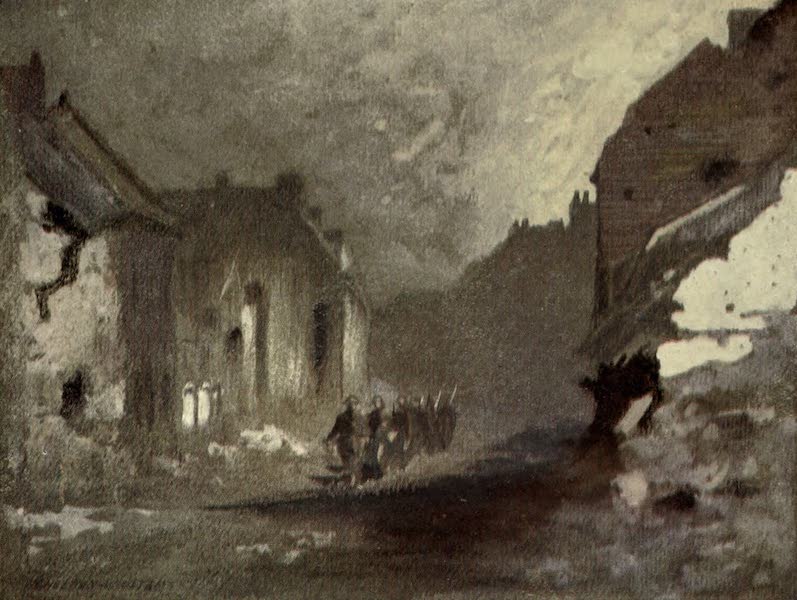 | A Street in Bapaume
|
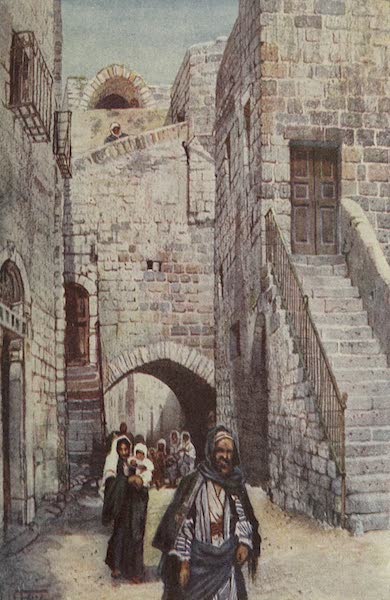 | A Street in Bethlehem
|
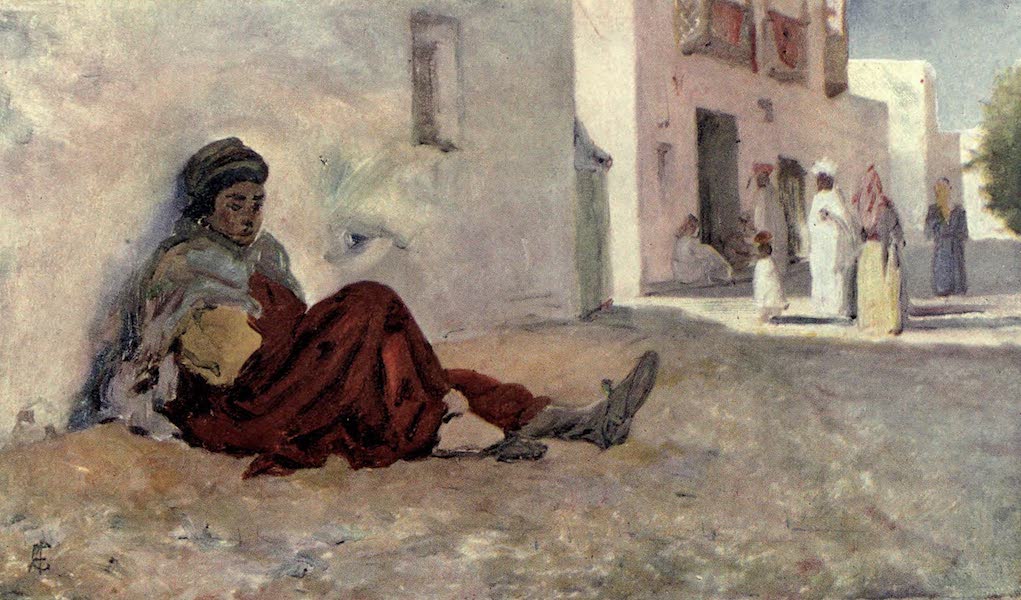 | A Street in Biskra
|
 | A Street in Biskra
|
 | A Street in Bolak
|
 | A Street in Caiffe
|
 | A Street in Canton
|
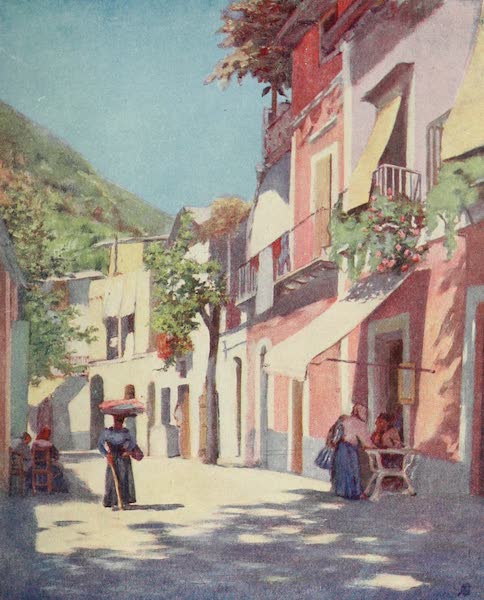 | A Street in Casamicciola, Ischia
|
 | A Street in d'Uurban
|
 | A Street in Delhi - Looking Towards the Jumma Musjid
|
 | A Street in East Looe-cornwall
|
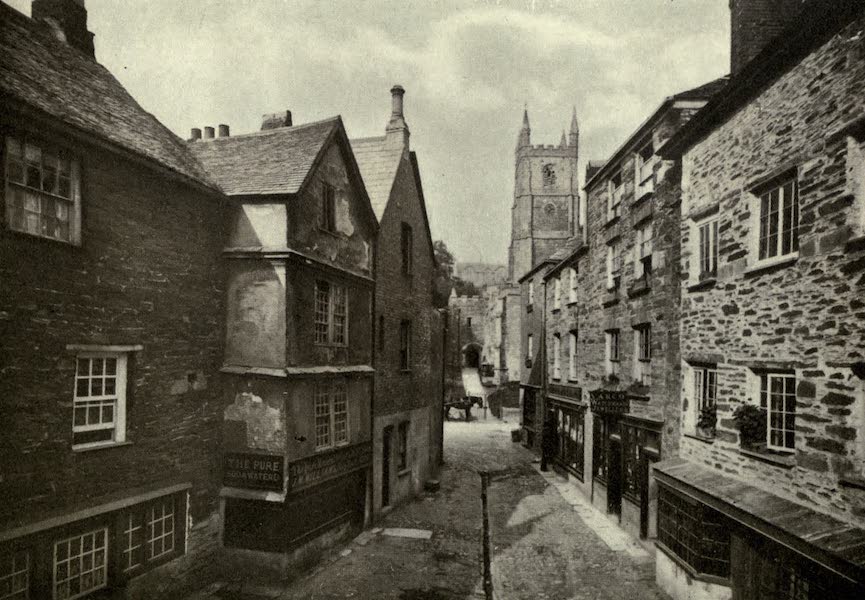 | A Street in Fowey-cornwall
|
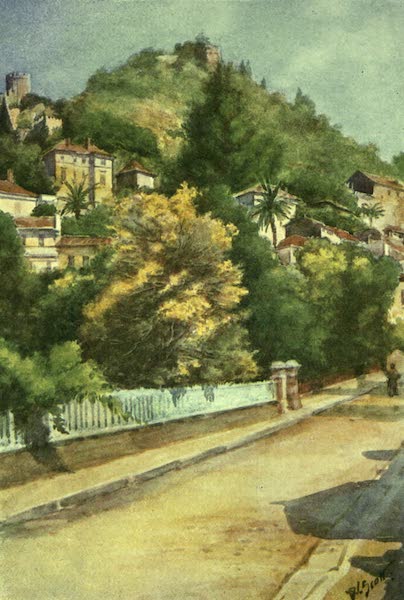 | A Street in Hyeres
|
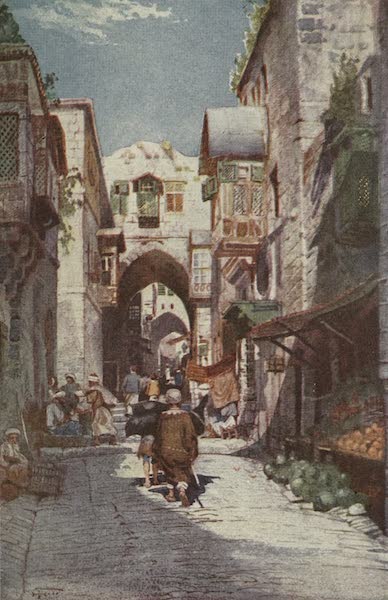 | A Street in Jerusalem
|
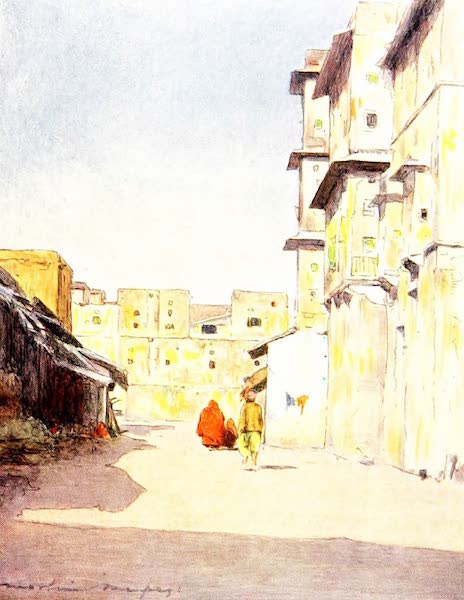 | A Street in Jeypore
|
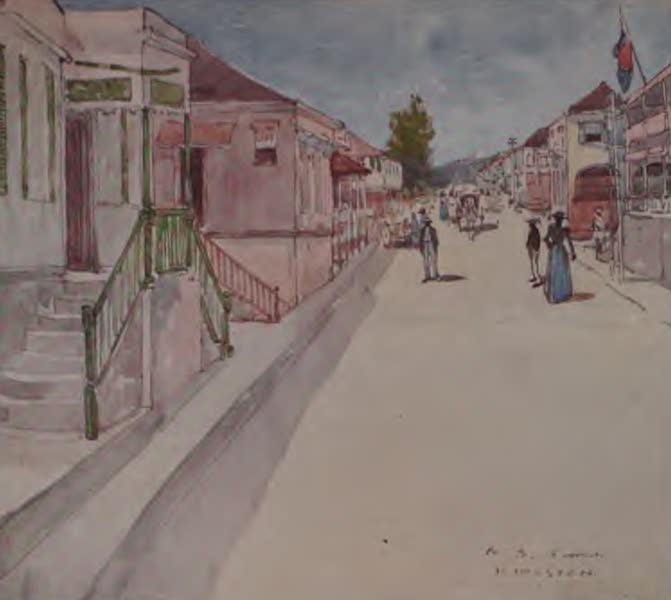 | A Street in Kingston, Jamaica
|
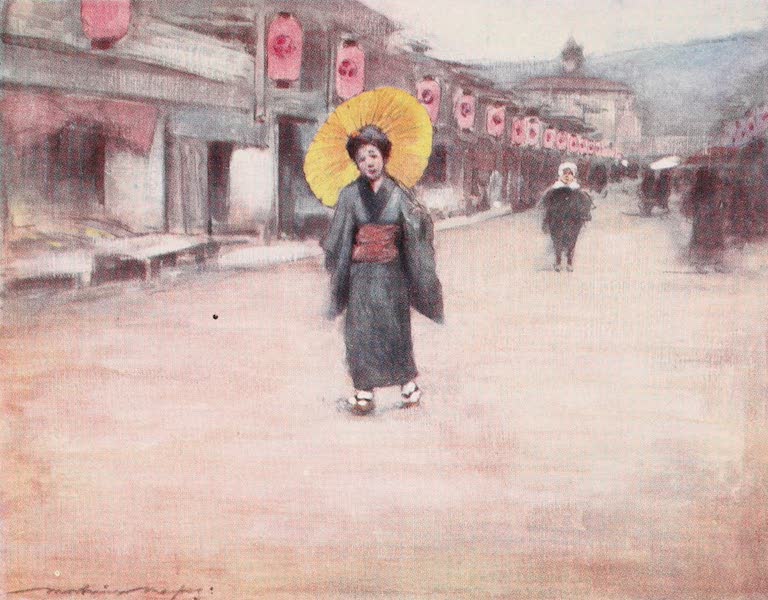 | A Street in Kioto
|
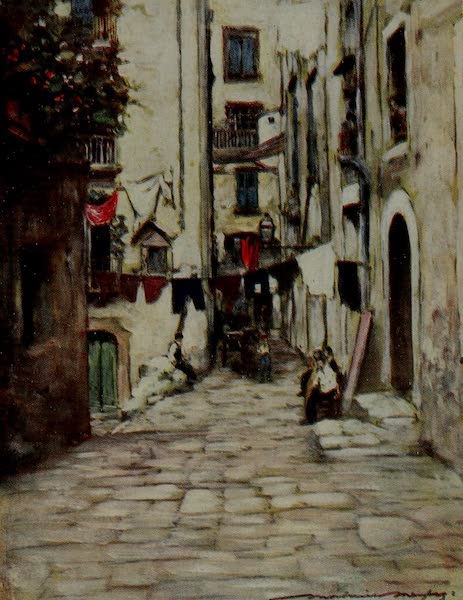 | A Street in Naples
|
 | A Street in Perigueux
|
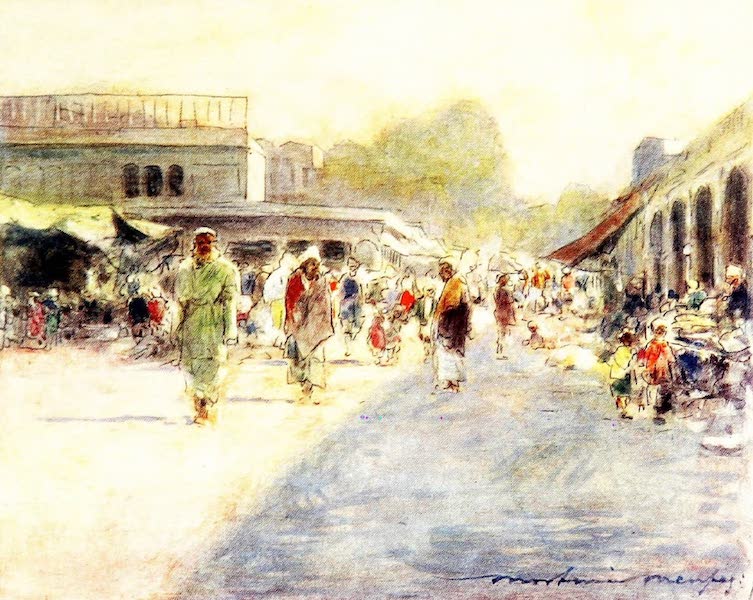 | A Street in Peshawur
|
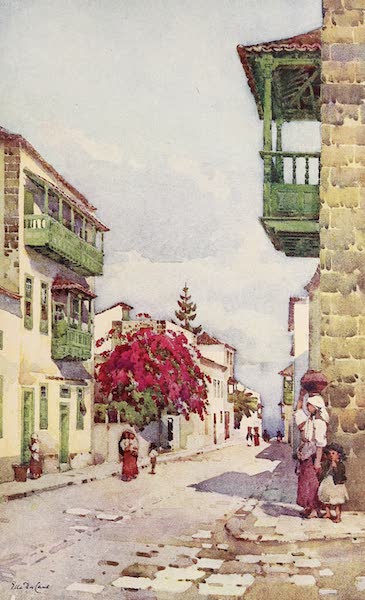 | A Street in Puerto Orotava
|
 | A Street in Ravello
|
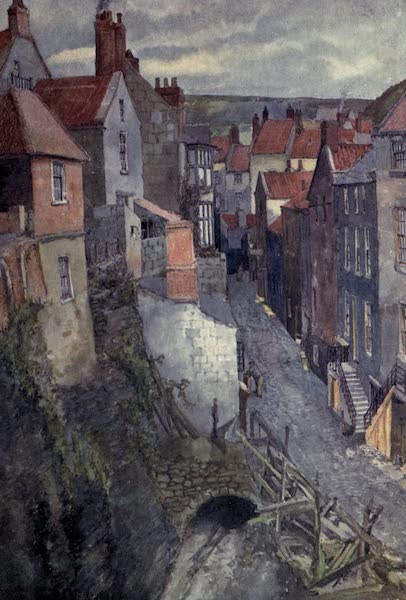 | A Street in Robin Hood's Bay
|
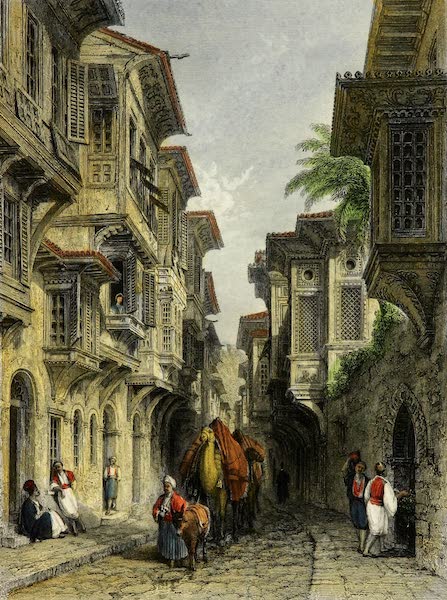 | A Street in Smyrna
|
 | A Street in St. Ives
|
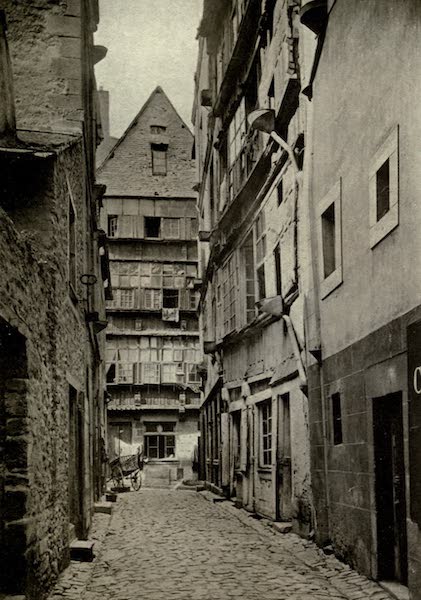 | A Street in St. Malo
|
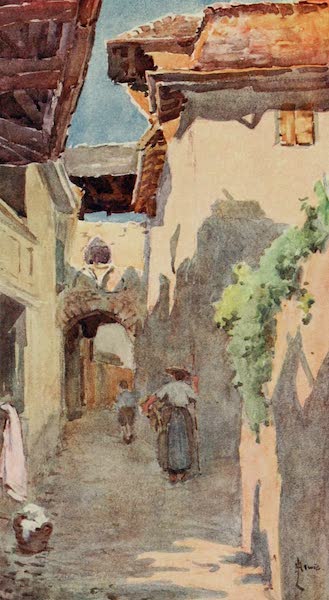 | A Street in St. Saphorin
|
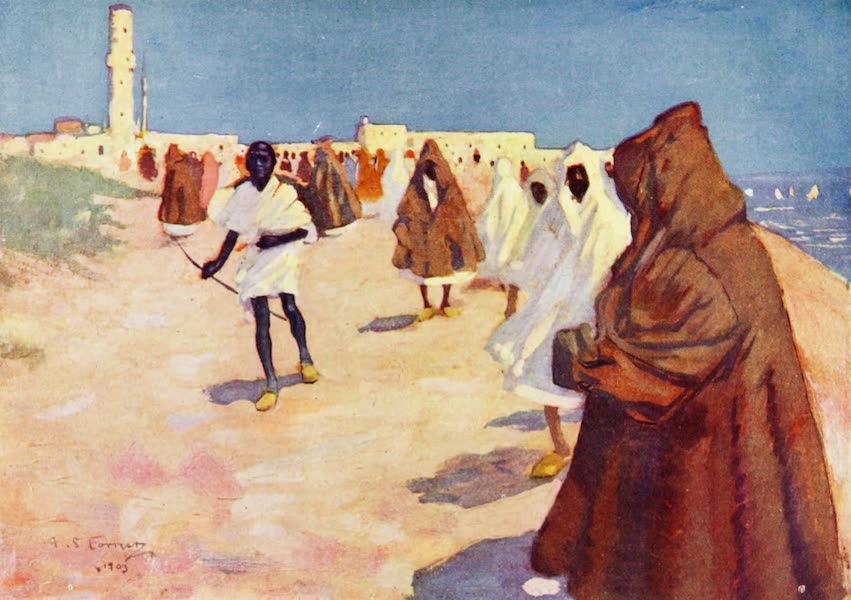 | A Street in Tangier
|
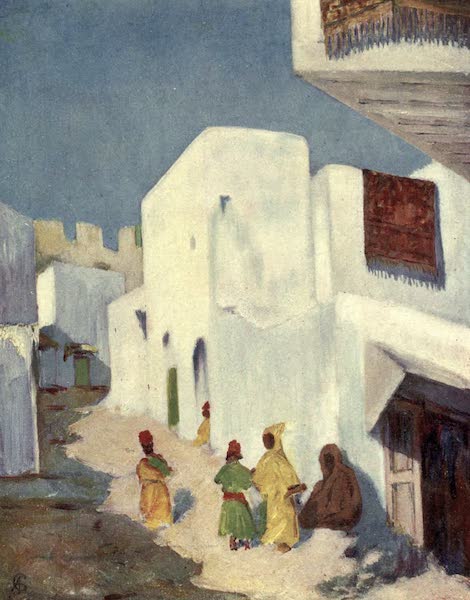 | A Street in Tangiers
|
 | A Street in Taungdwingyi
|
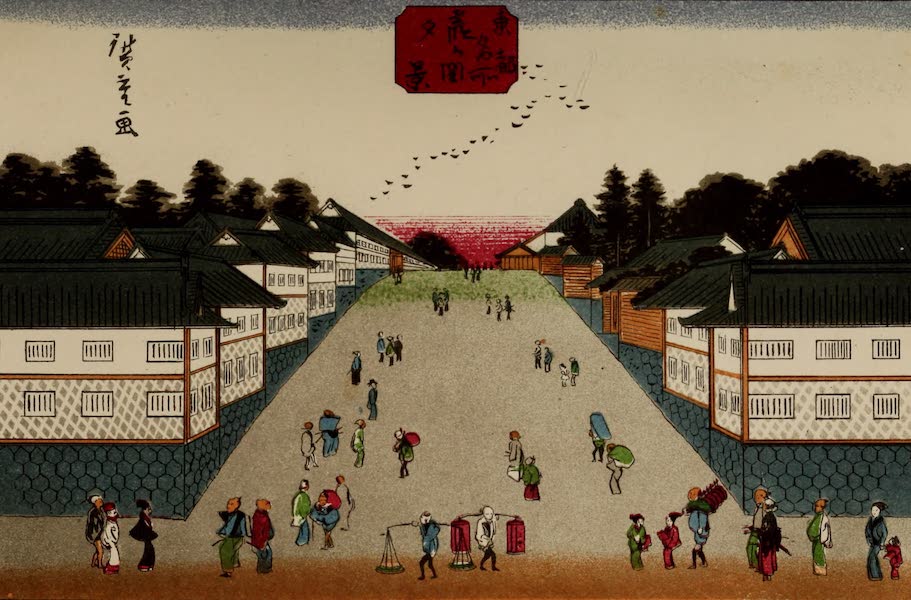 | A street in the aristocratic quater of Yedo (from a Japanese drawing)
|
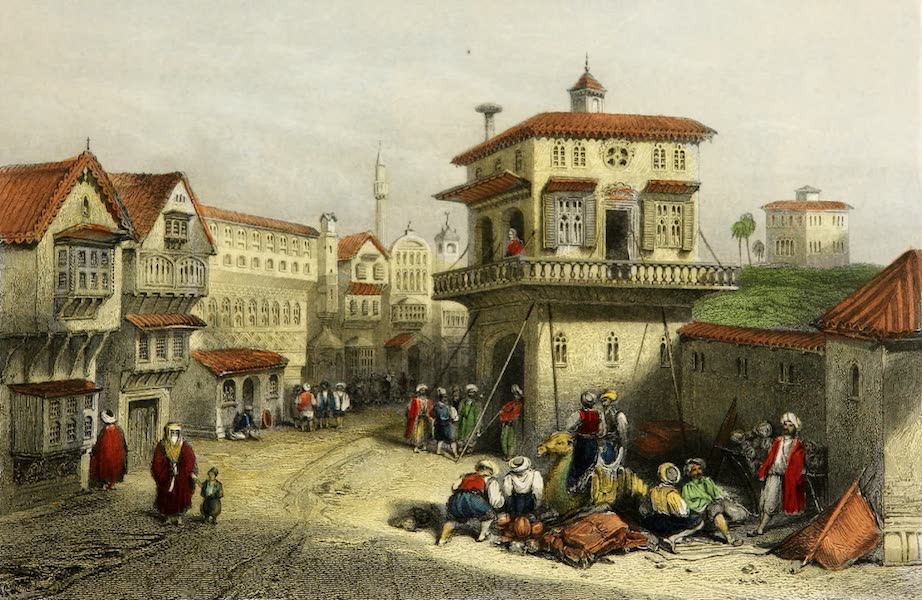 | A Street in the Suburbs of Adrianople
|
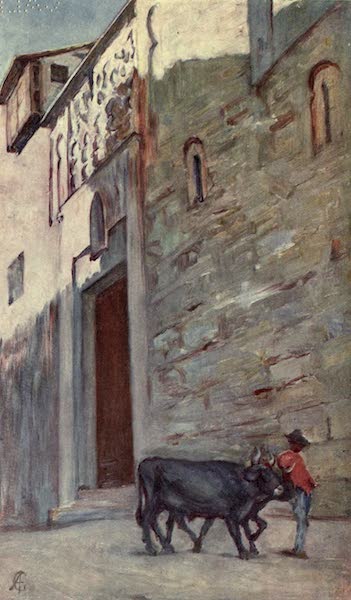 | A Street in Toledo
|
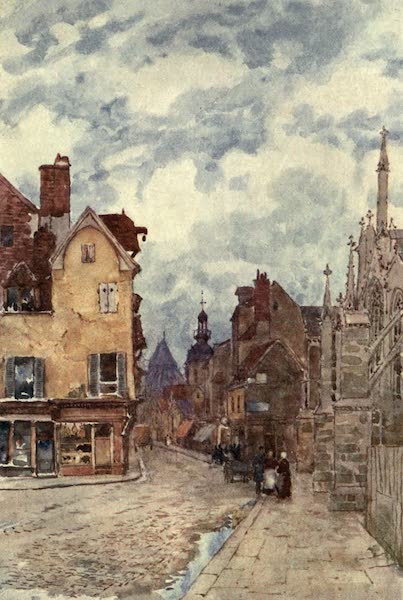 | A Street in Troyes
|
 | A Street in Tunis
|
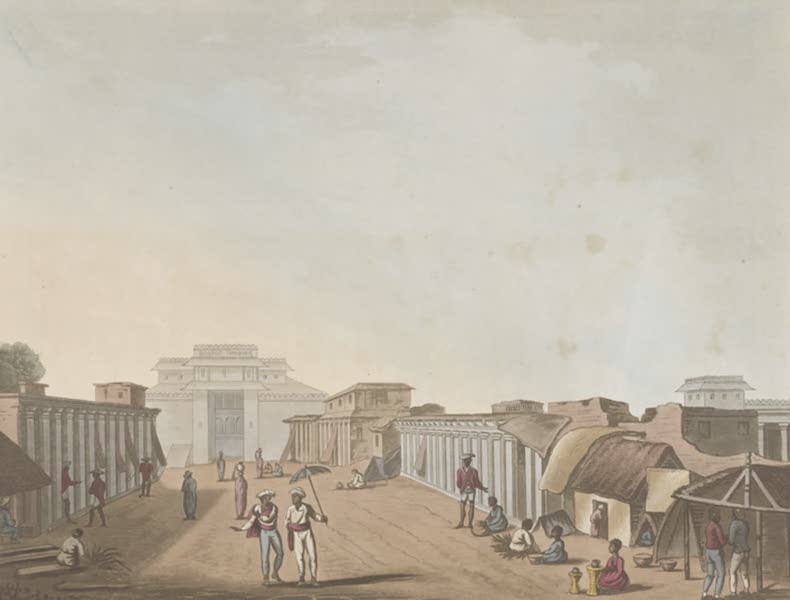 | A Street Leading to the Palace of Bangalore
Plate eleven in 'Picturesque Scenery in the Kingdom of Mysore' by James Hunter. This aquatint is based on a picture by Hunter depicting a street leading to the palace of Tipu Sultan (1753-1799) in Bangalore. Such a wide street would have accomodated the entry and departure of royal entourages. Tipu Sultan was the king of Mysore in the late Eighteenth Century. |
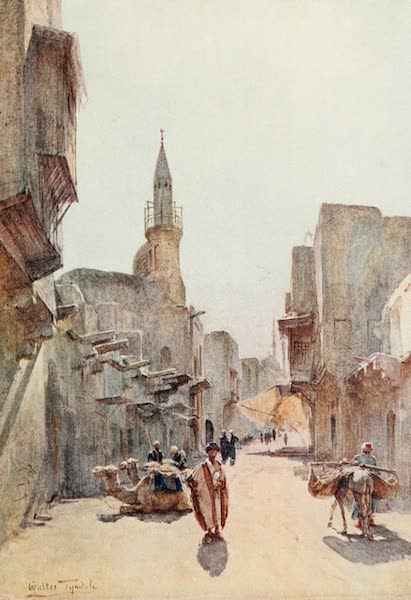 | A Street near the Citadel, Cairo
|
 | A Street Near the Haram, Jerusalem
|
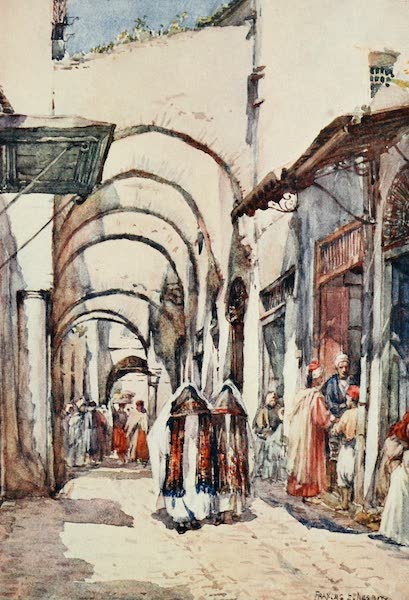 | A Street of Arches, Tunis
|
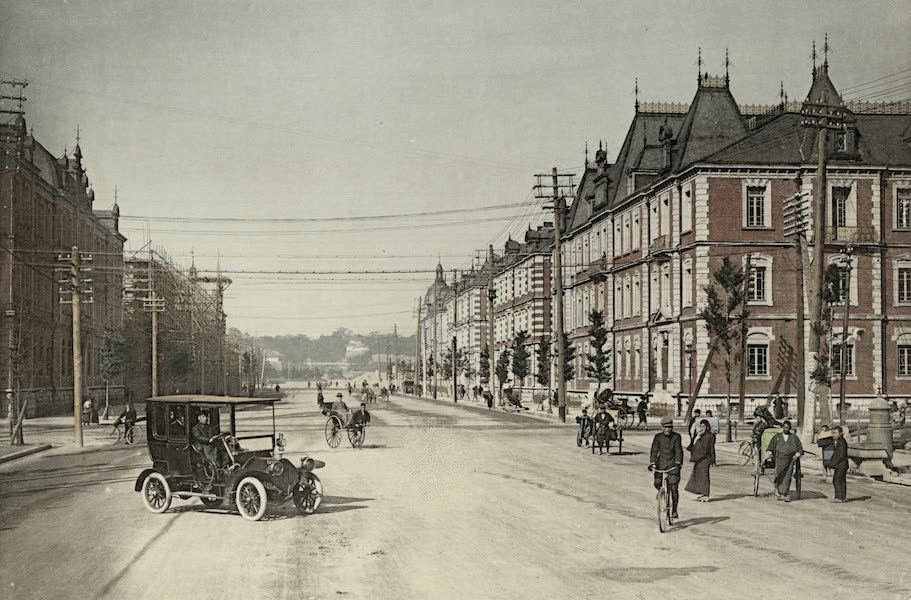 | A Street on the Modern Plan in Tokyo
|
 | A Street Scene
|
 | A Street Scene in Dawson in the Early Days
|
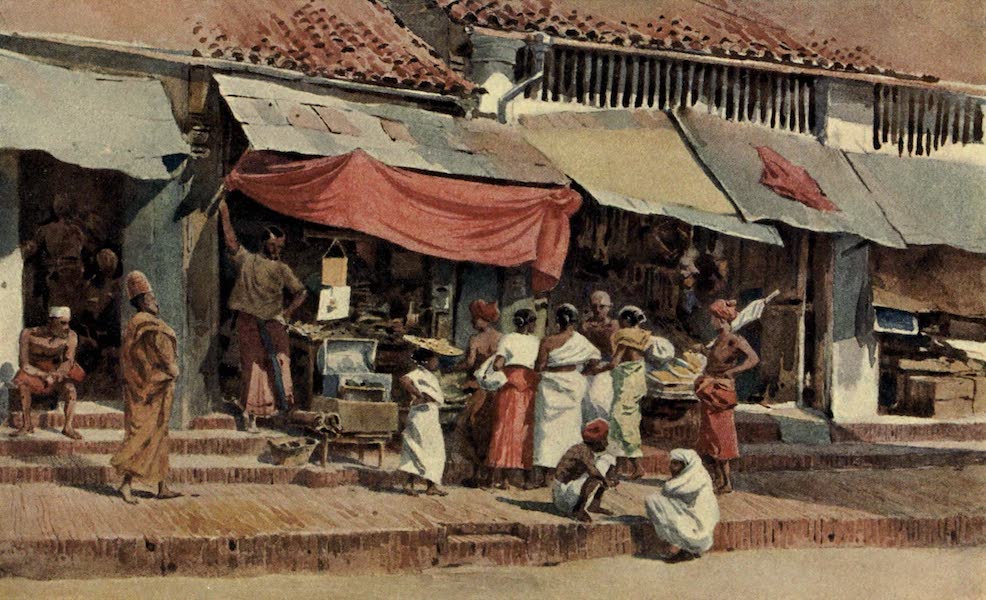 | A Street Scene in Kandy
|
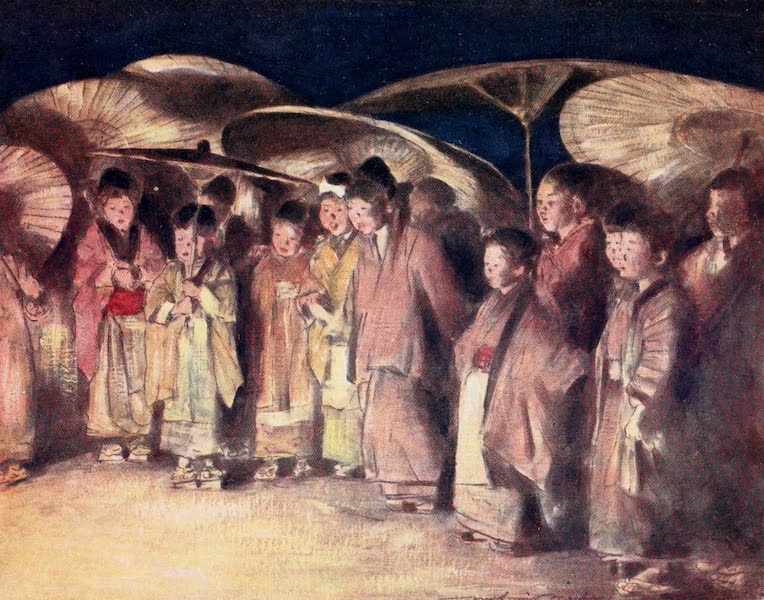 | A Street Scene, Kioto
|
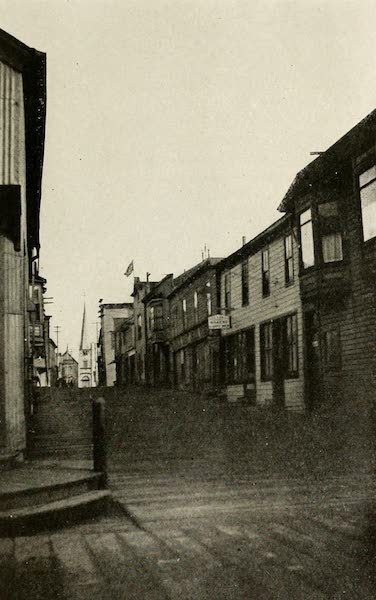 | A Street Scene, Nome
|
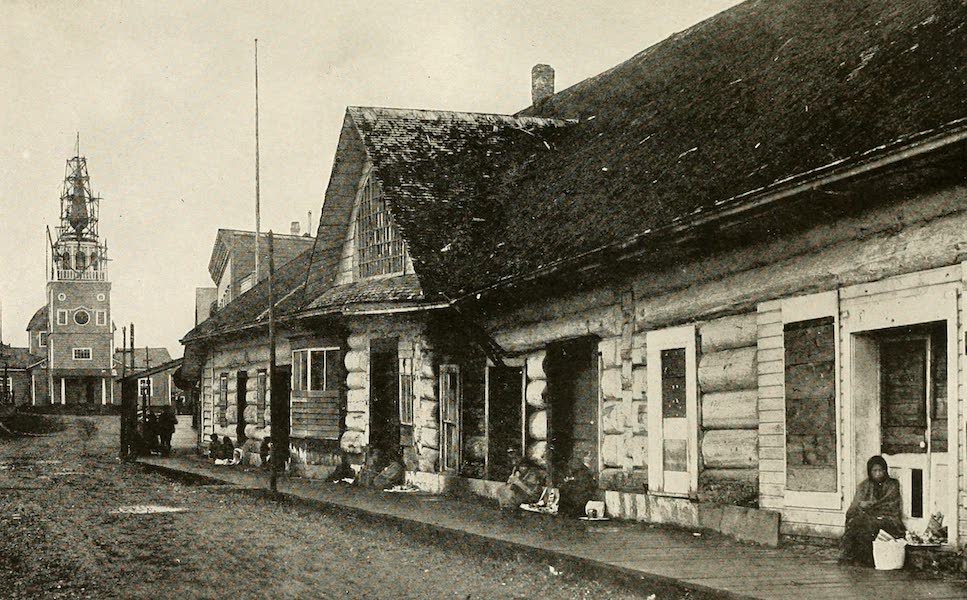 | A Street Scene, Sitka
|
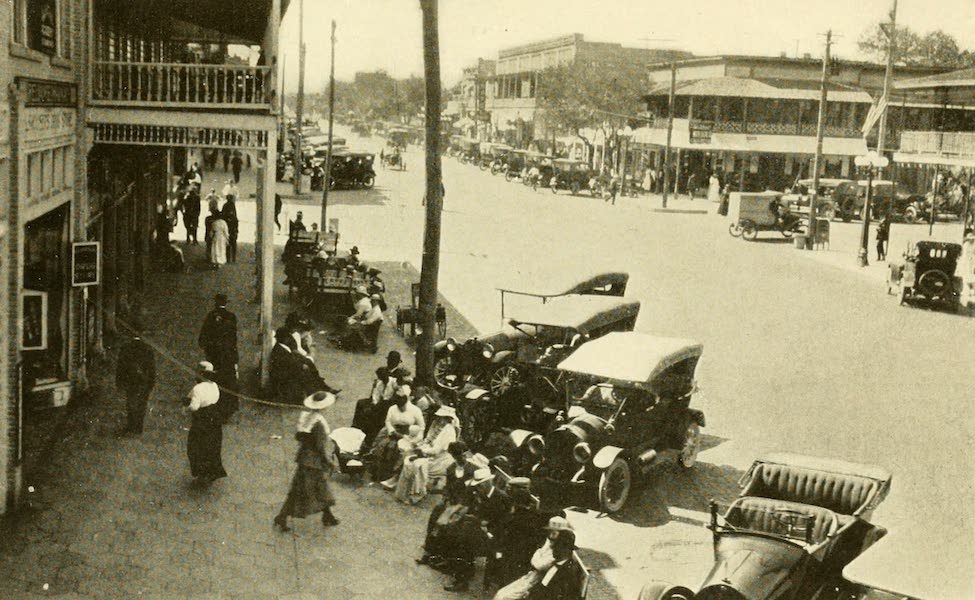 | A Street Scene, St Petersburg
|
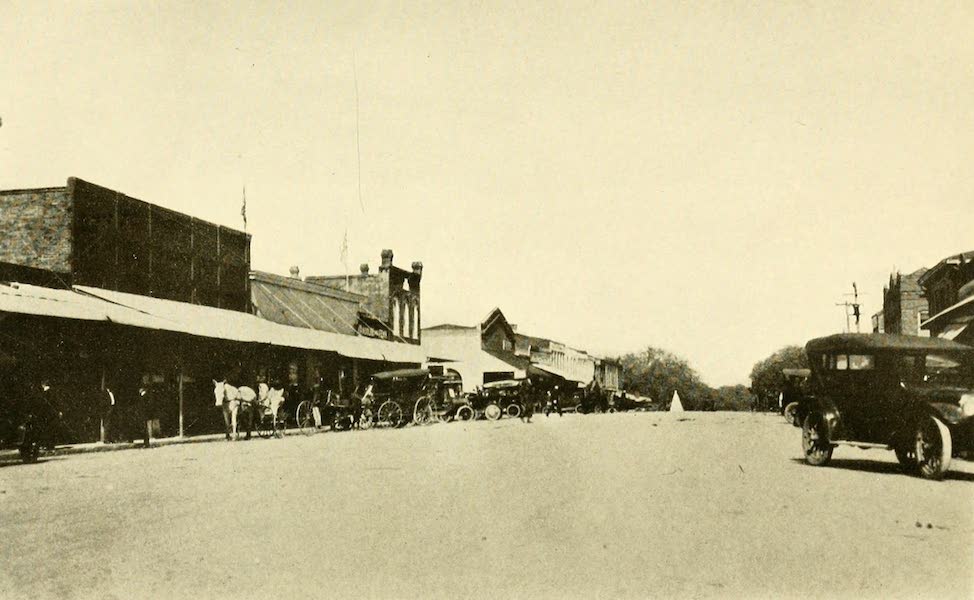 | A Street Scene, Tallahassee
|
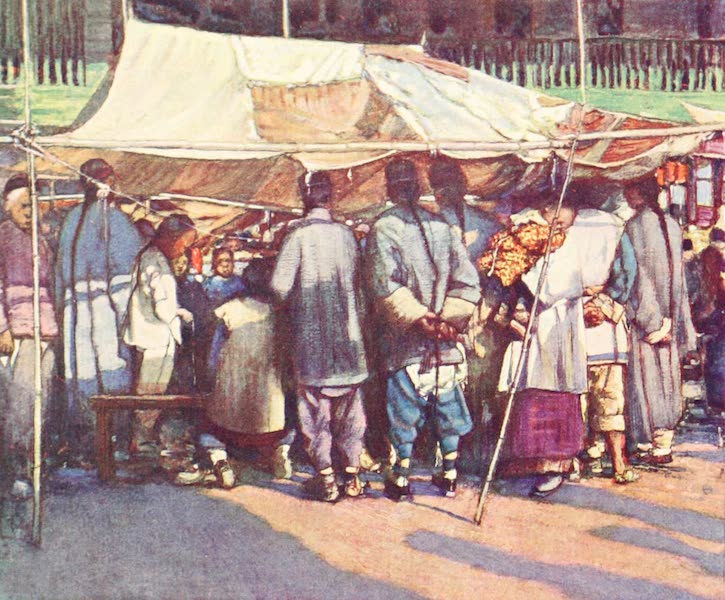 | A Street Stall
|
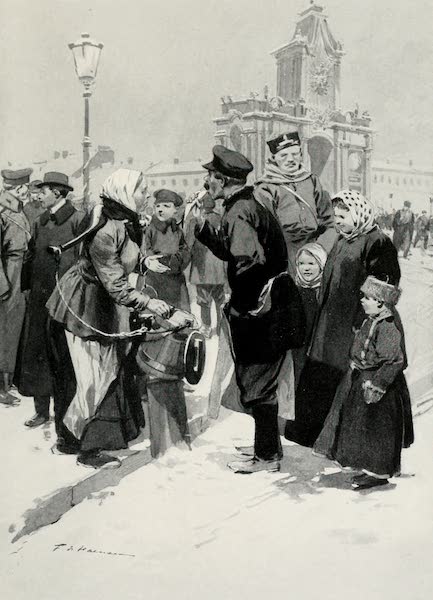 | A Street Vendor of Salt Herrings
|
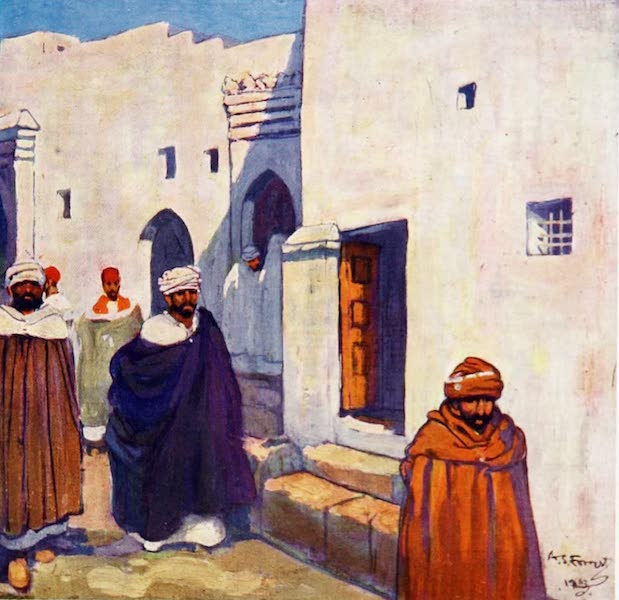 | A Street, Tangier
|
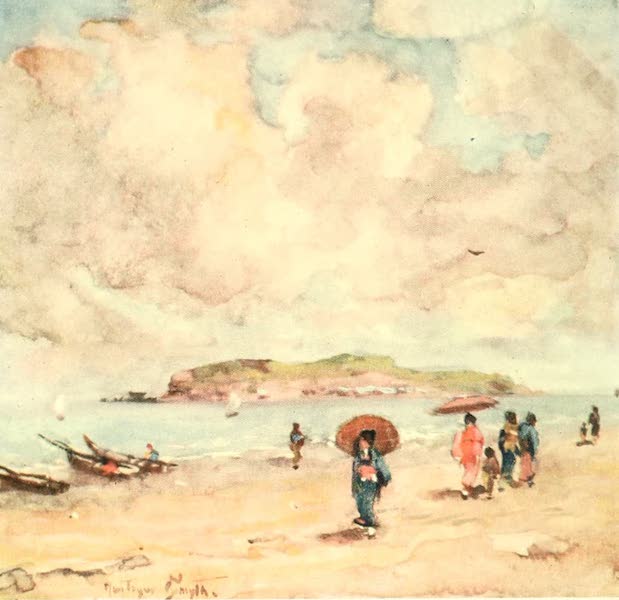 | A stretch of Shore which often forms a beautiful natural Promenade
|
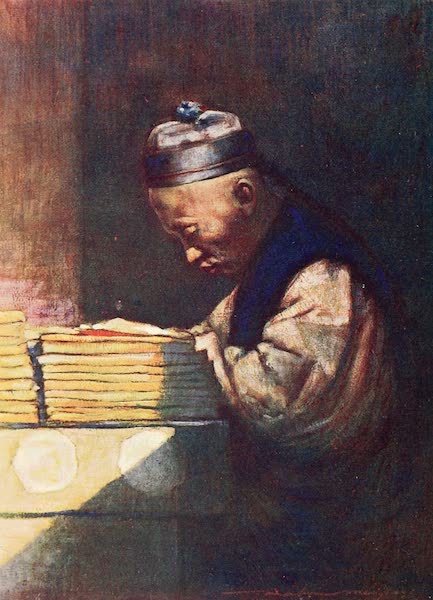 | A Student
|
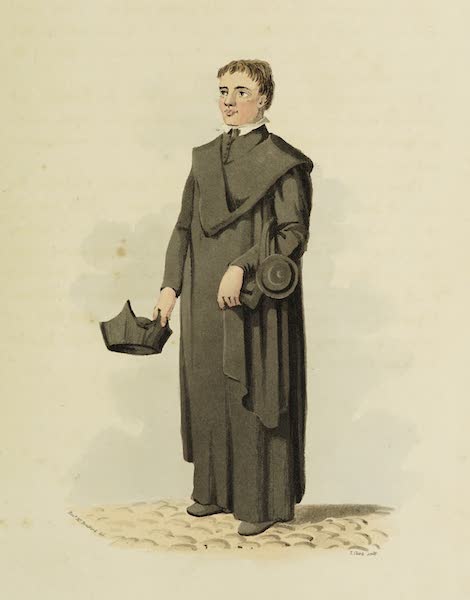 | A Student of the Irish College, Salamanca
|
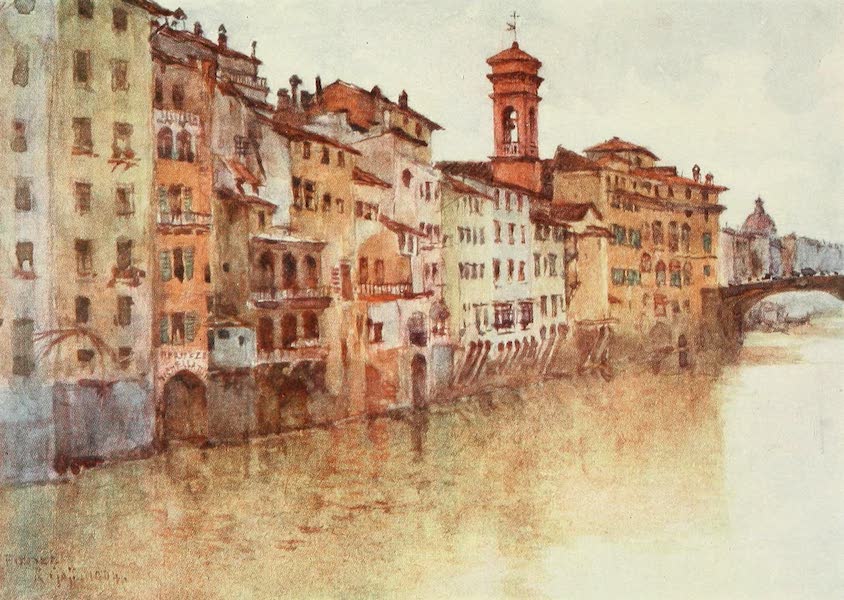 | A Study of the Old Houses in Borgo S. Jacopo, from Fiore the Arno, looking West
|
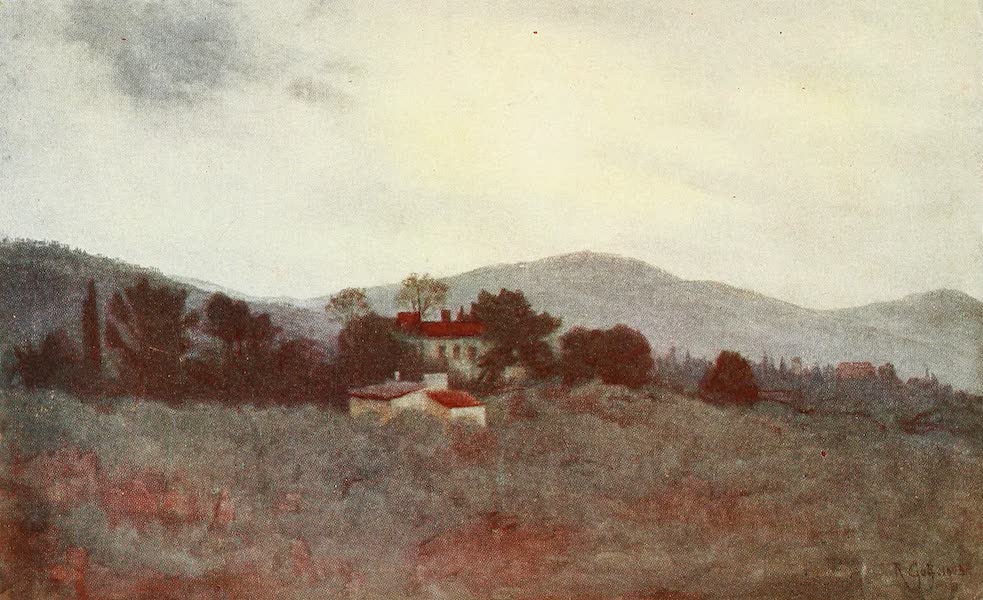 | A Study of Tuscan Olive Gardens
|
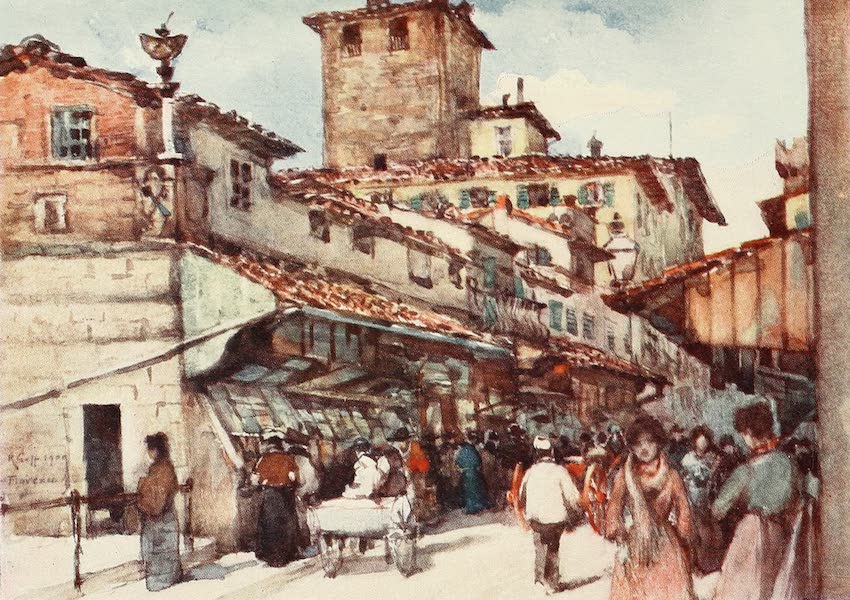 | A Study on the Ponte Vecchio
|
 | A Stufy of Huts at End of Village, Matakula, Fiji
|
 | A Submarine running Awash
|
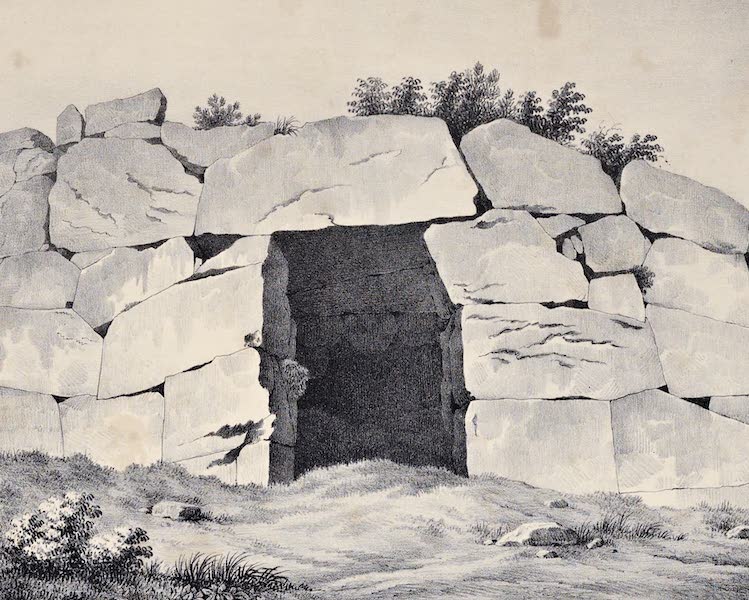 | A Subterraneous Gate at Signia
|
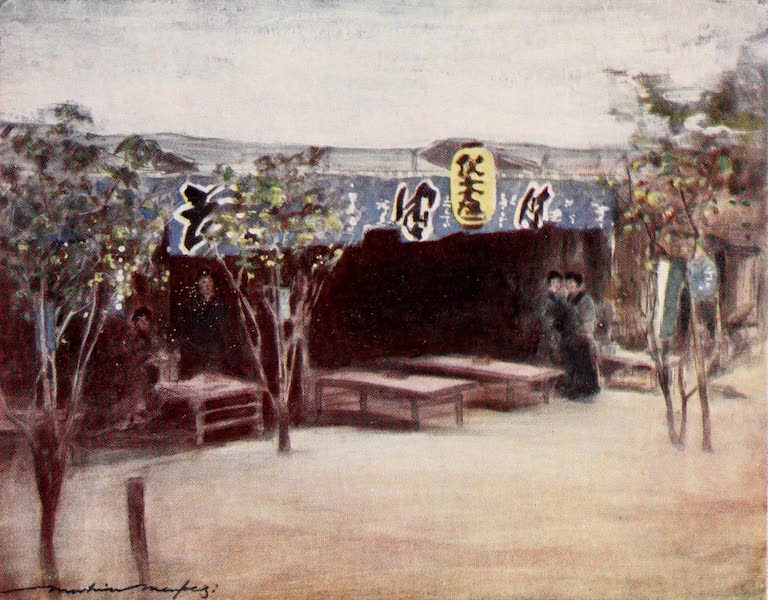 | A Suburban Tea-house
|
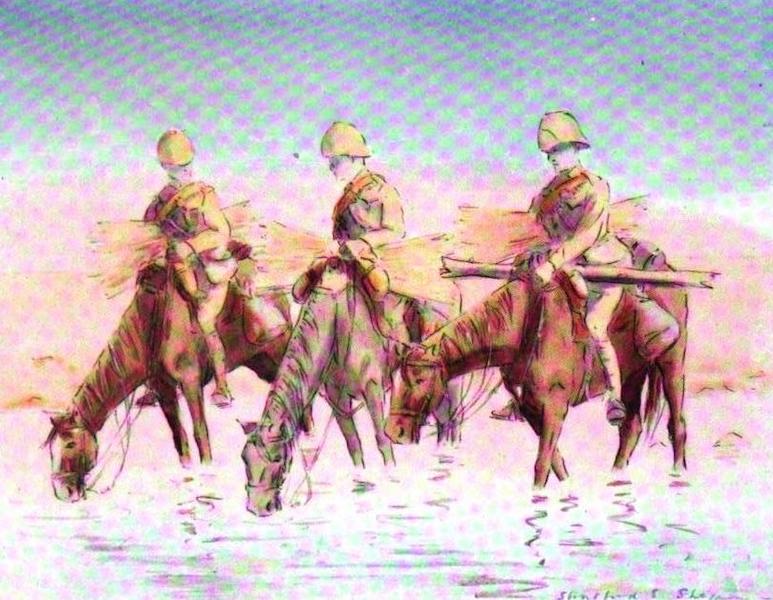 | A Successful Day
|
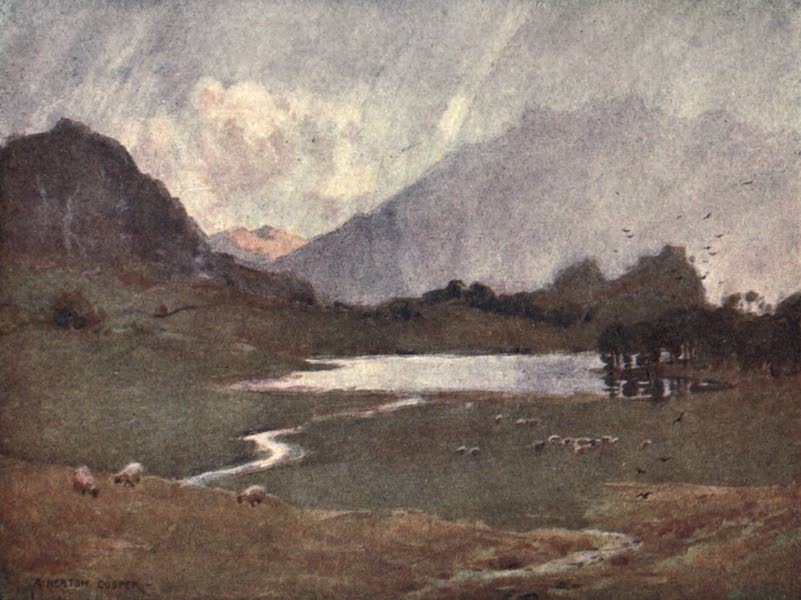 | A Sudden Shower, Blea Tarn
|
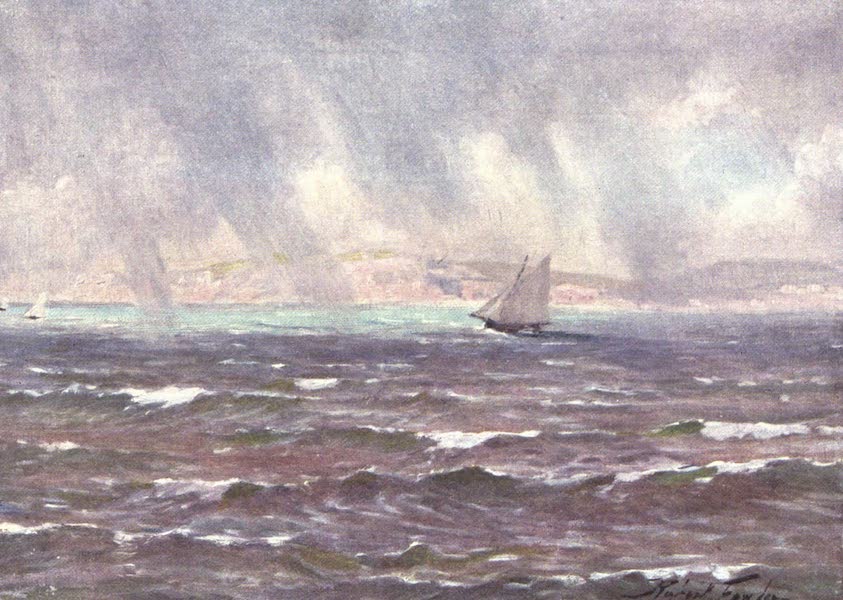 | A Sudden Squall, Cardigan Bay
|
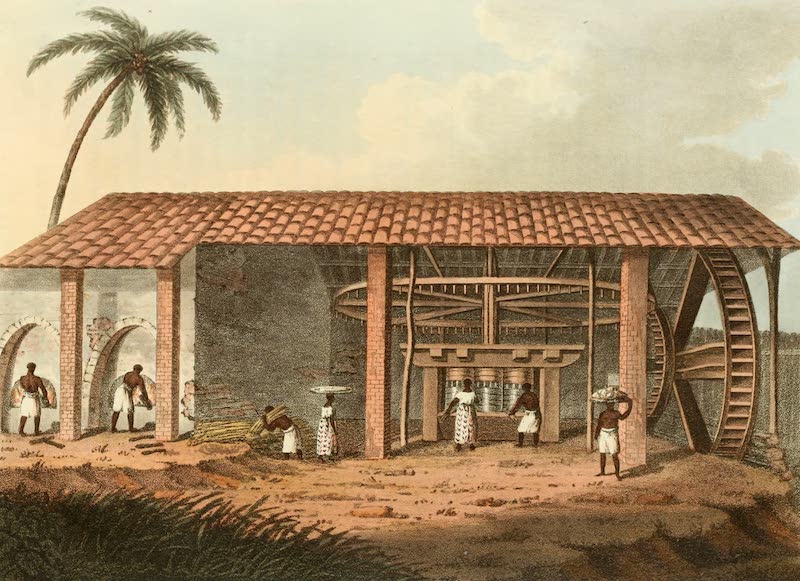 | A Sugar Mill
|
 | A Sugar-Beet Field
|
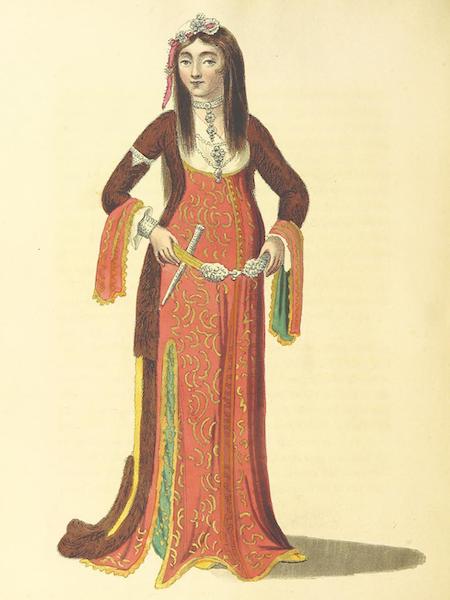 | A Sultana
|
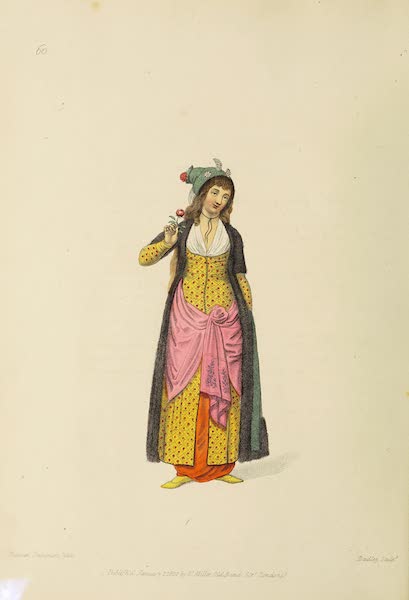 | A Sultana, or Kaddin
|
 | A Sultana, or Odalisk
|
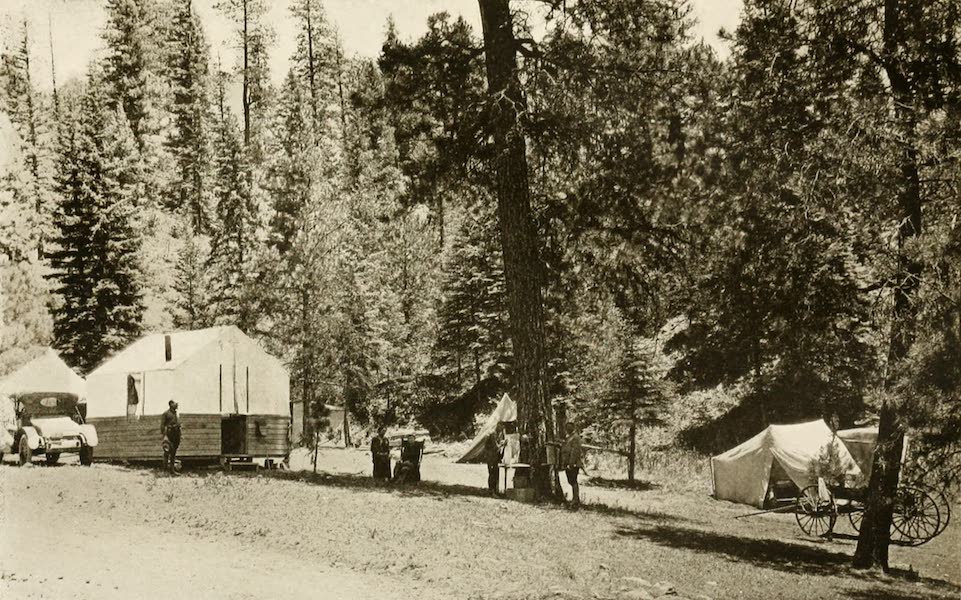 | A Summer Camp in the Santa Fe National Forest
|
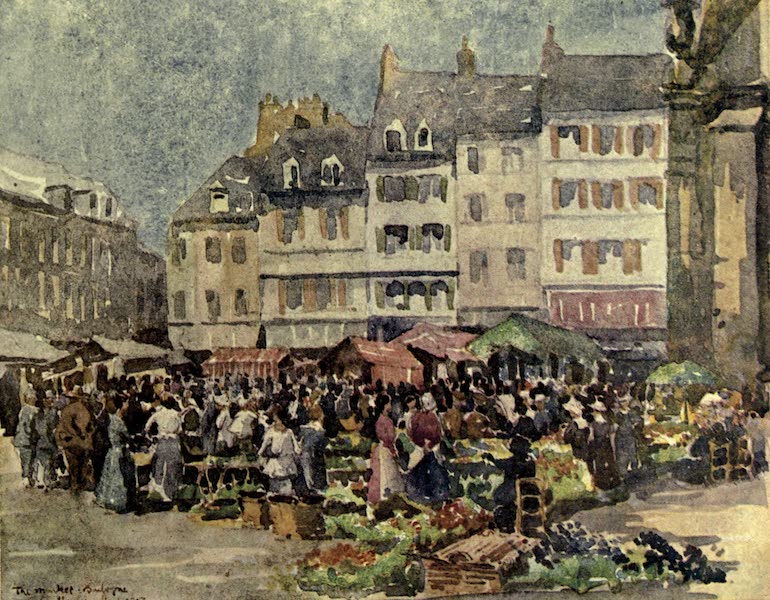 | A Summer Day in the Market
|
 | A Summer Evening, Lago Maggiore
|
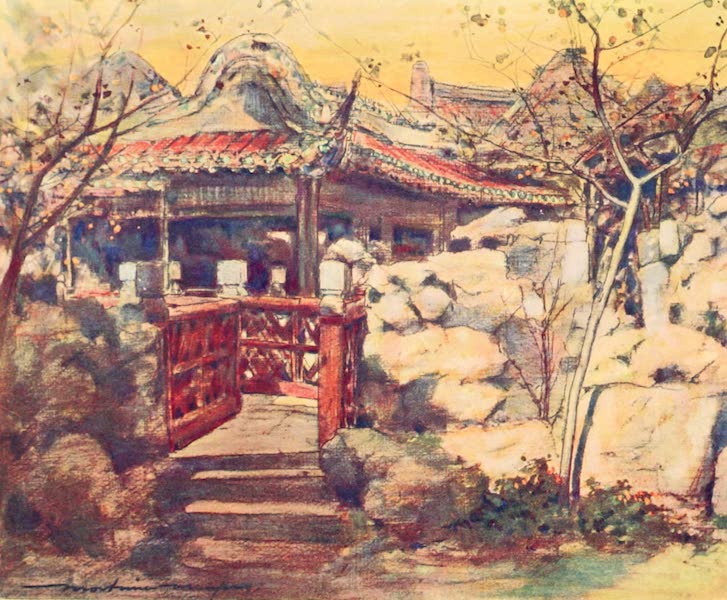 | A Summer House
|
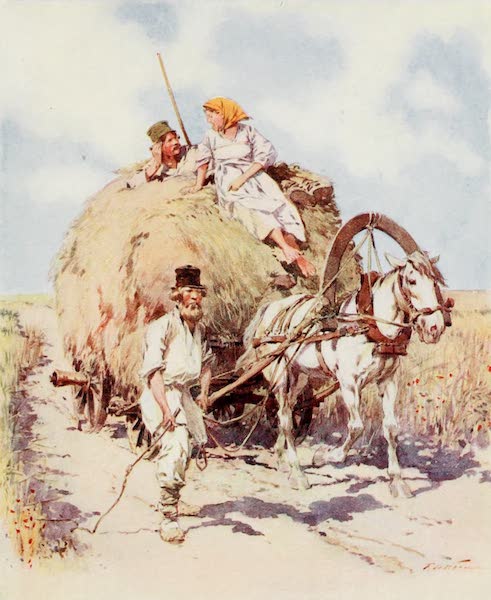 | A Summer's Day in the Country
|
 | A Summer's Day on a Chicken Farm
|
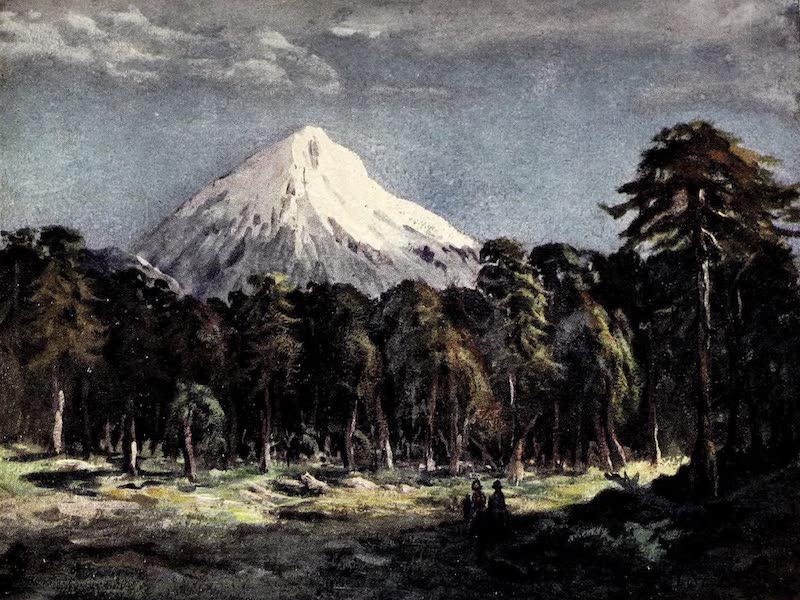 | A Summer's Day on a Chicken Farm
|
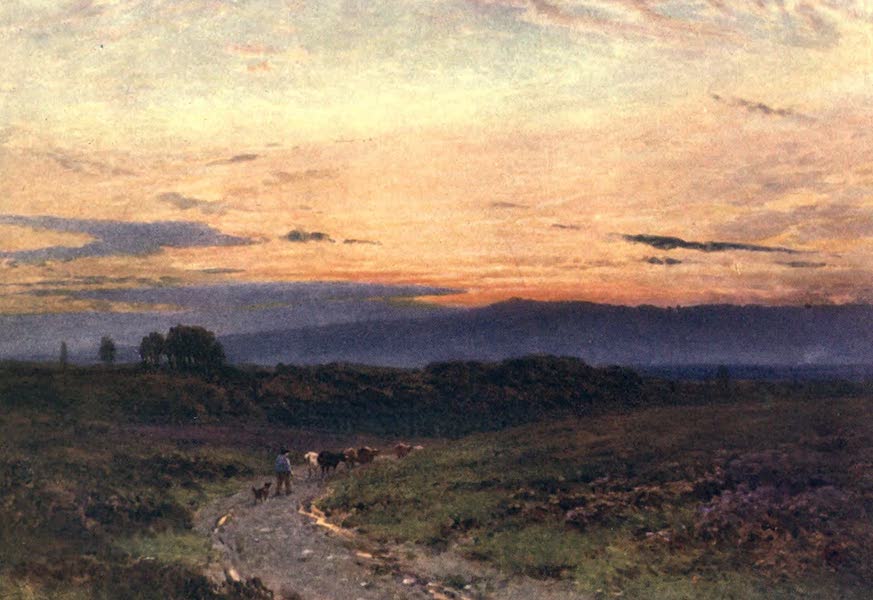 | A Summer's Eve, Milford Common
|
 | A Sun Fisher
|
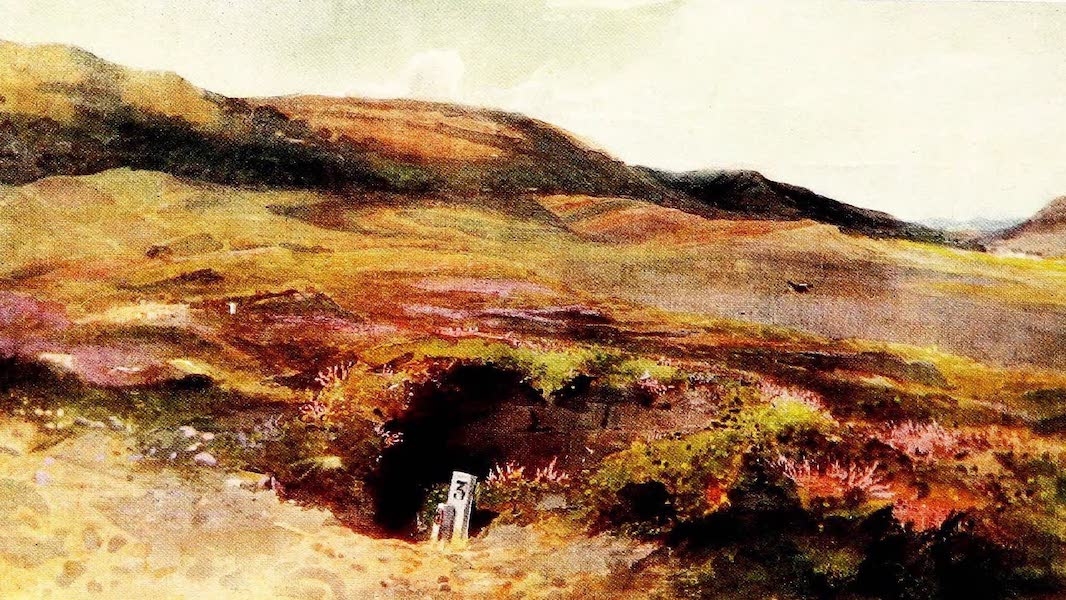 | A sunk Butt
|
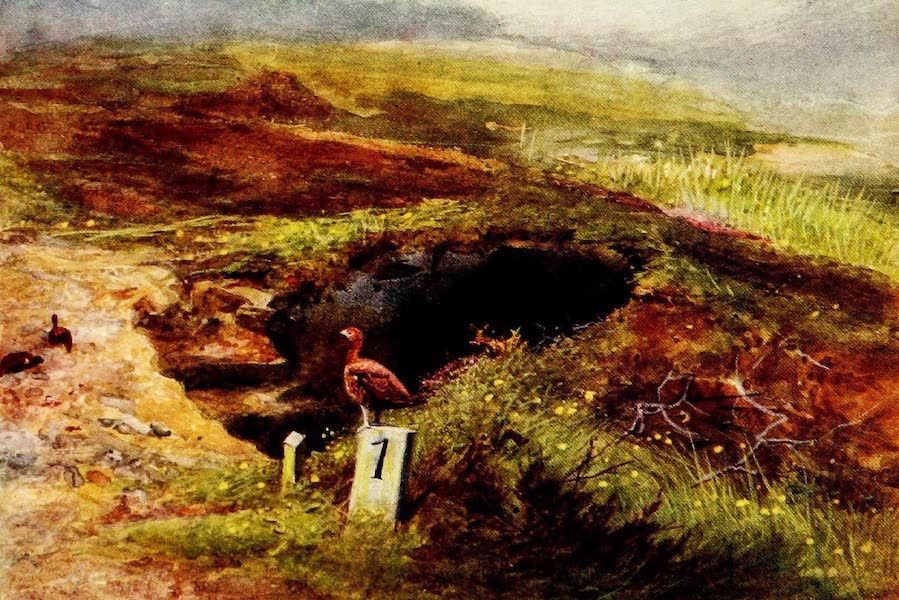 | A sunk Butt at Moy Hall
|
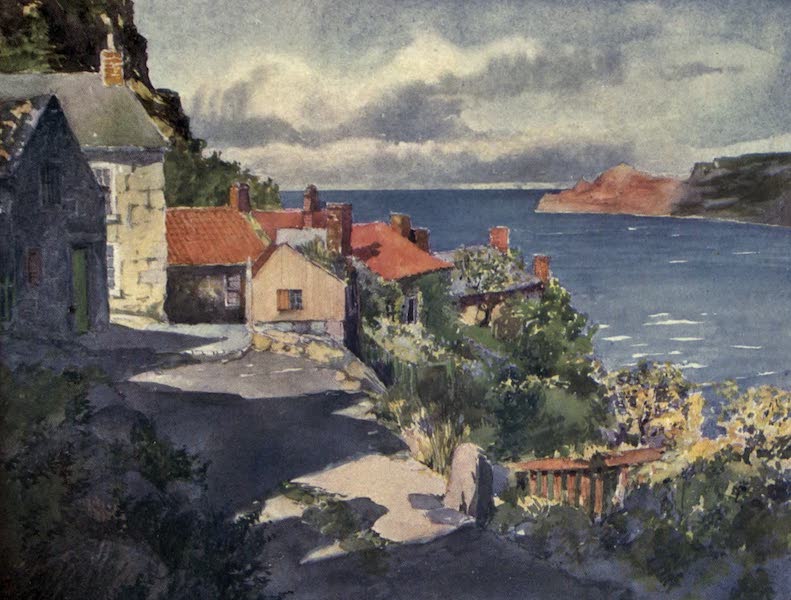 | A Sunny Afternoon in Runswick
|
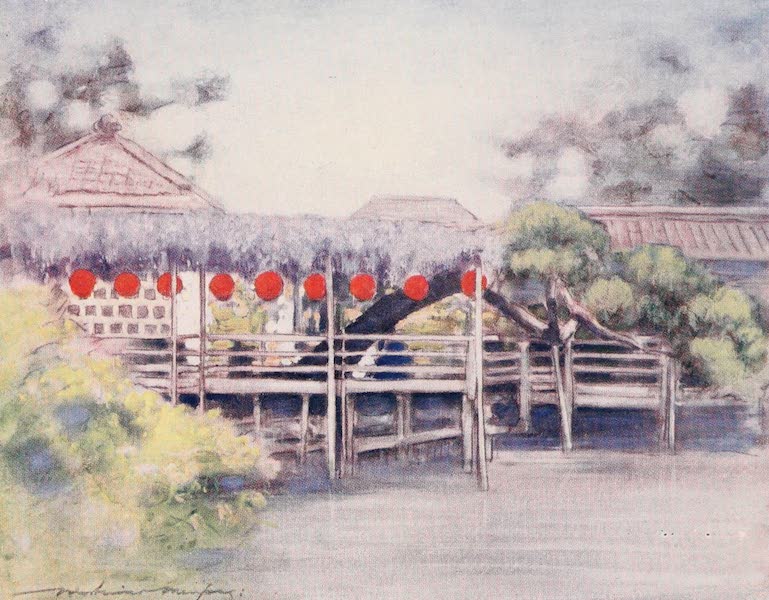 | A Sunny Garden
|
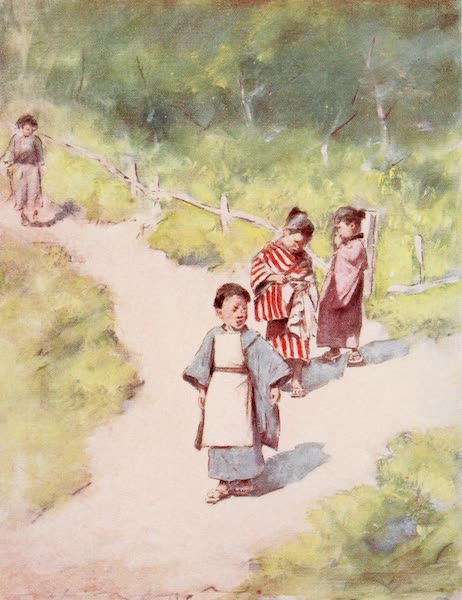 | A Sunny Stroll
|
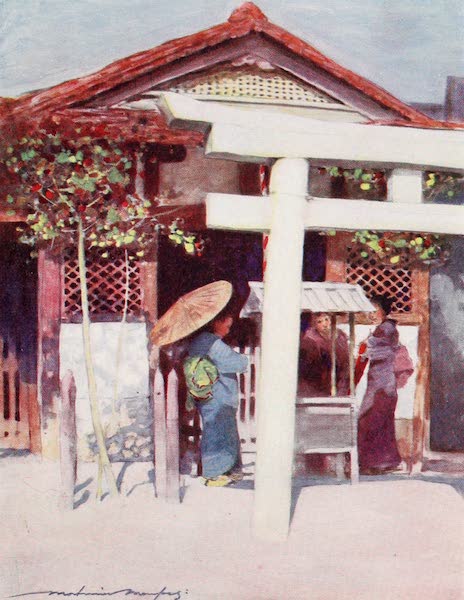 | A Sunny Temple
|
 | A Sunset from Danby Beacon
|
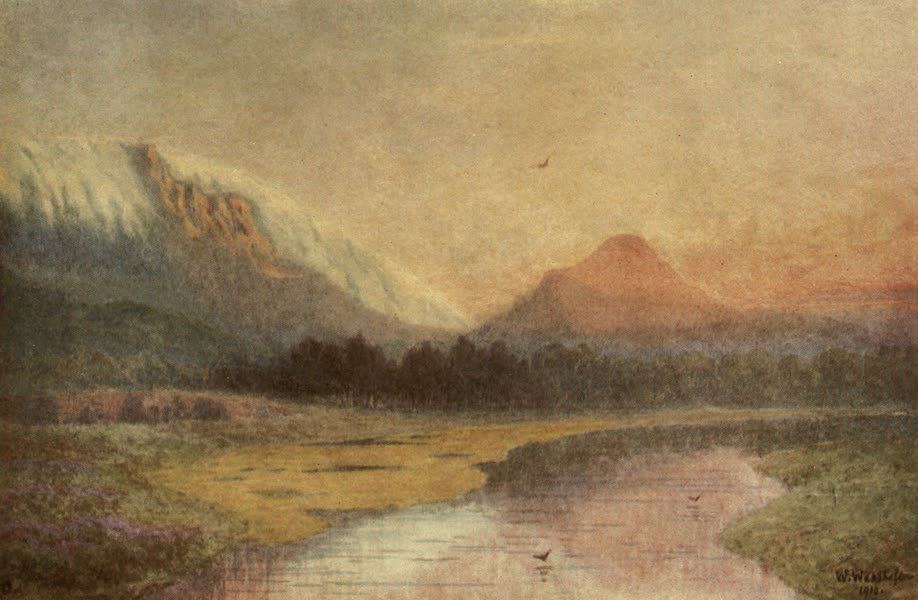 | A Sunset on the Lion's Head : Effect of South-east Wind
|
 | A Surcar, or Agent
|
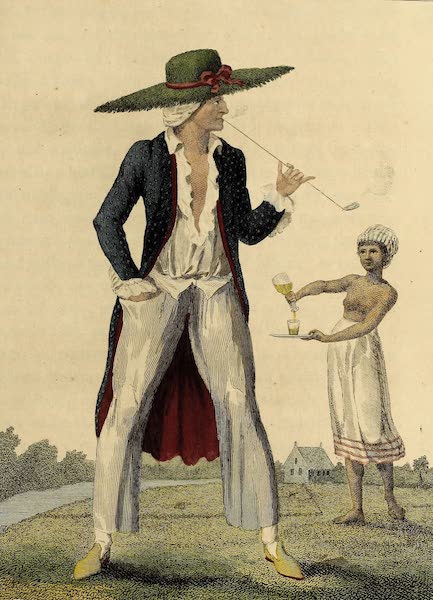 | A Surinam Planter in his Morning Dress
|
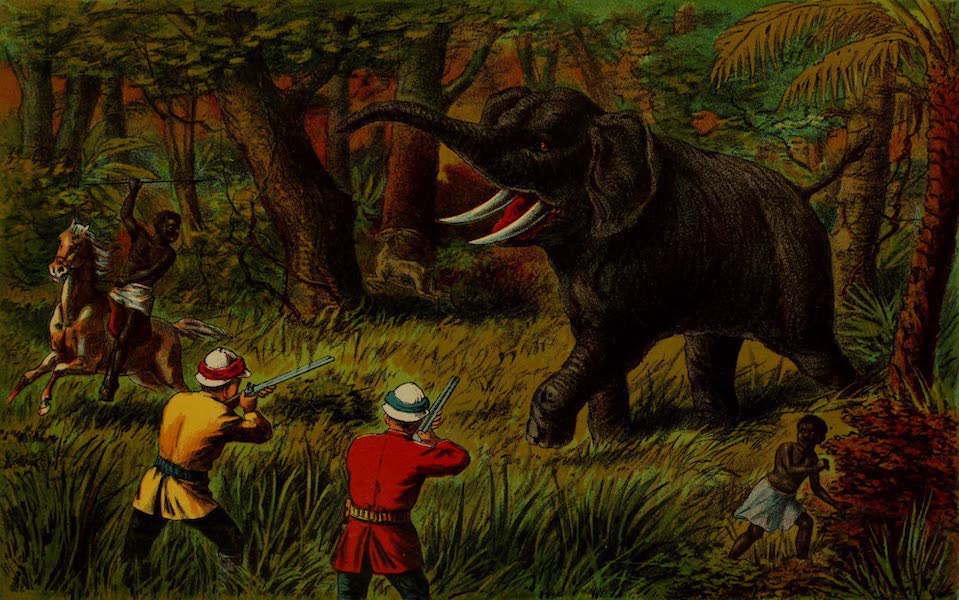 | A Surprise in the Jungle
|
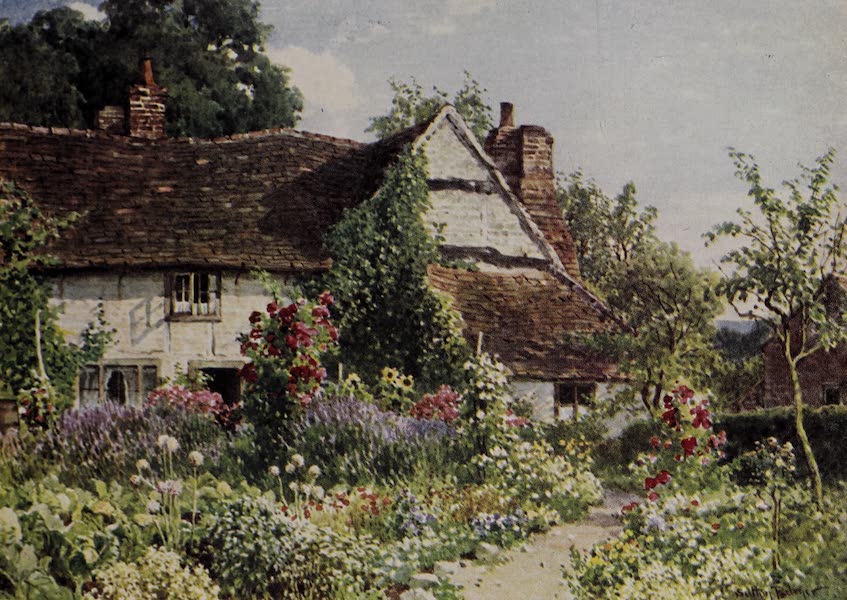 | A Surrey Cottage
|
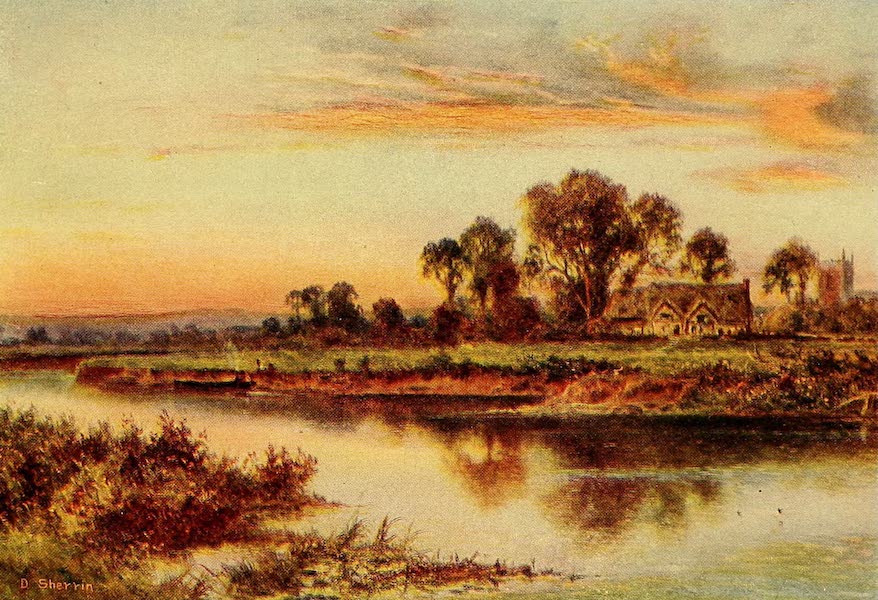 | A Surrey Landscape
|
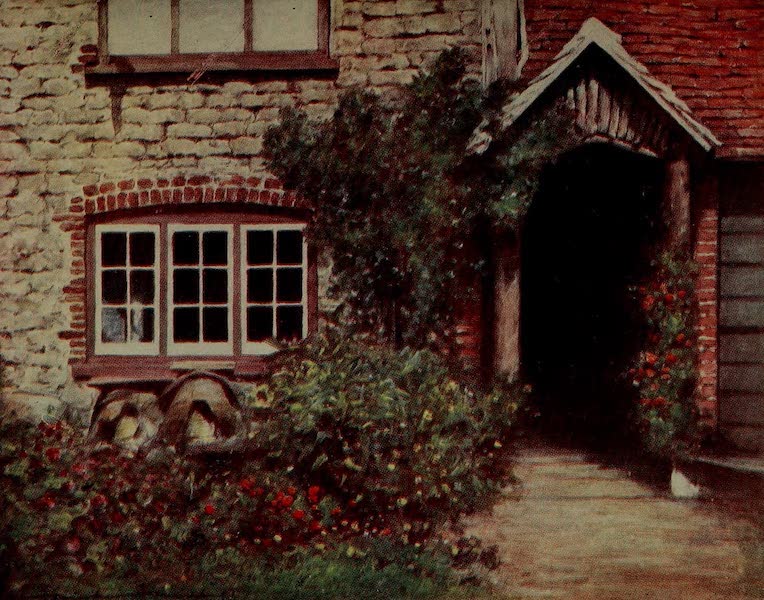 | A Surrey Porch
|
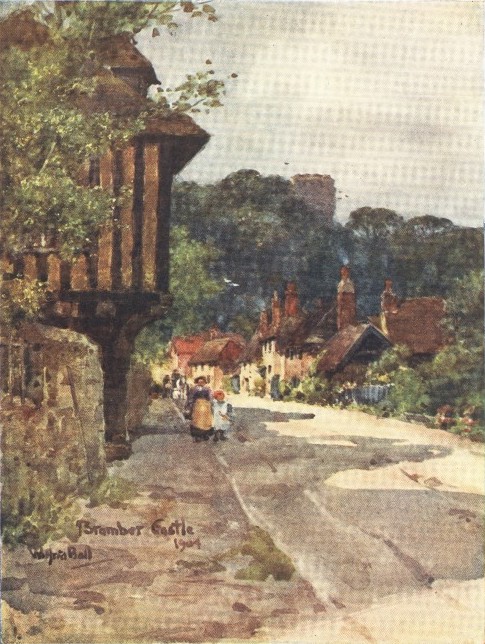 | A Sussex Village
|
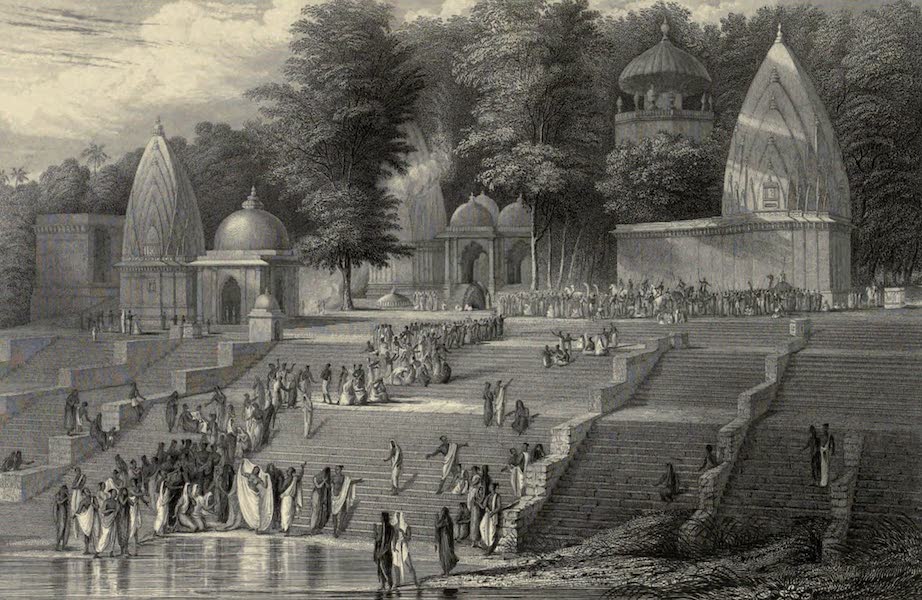 | A Suttee
|
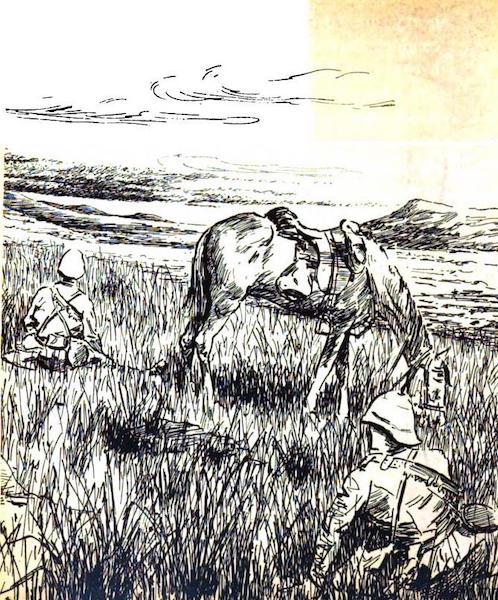 | A Swarm of Locusts
|
 | A Sweedish Village Church
|
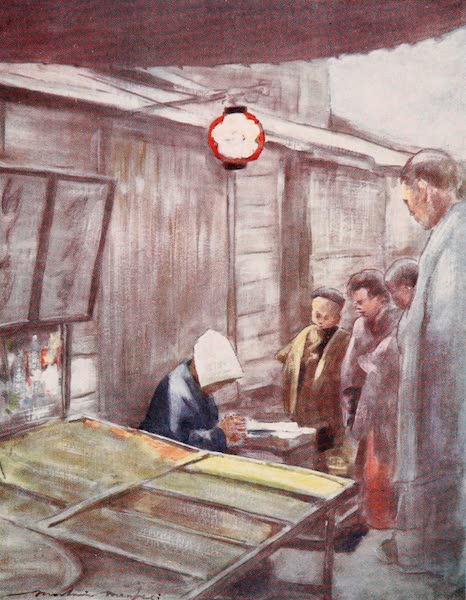 | A Sweet-stuff Stall
|
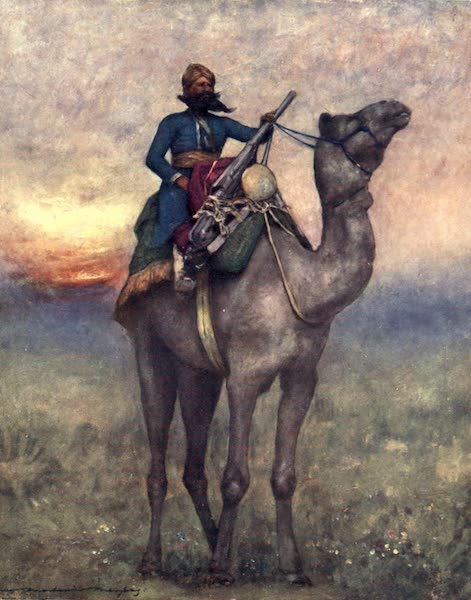 | A Swivel-gun Bearer from Rajputana
|
 | A Tailor
|
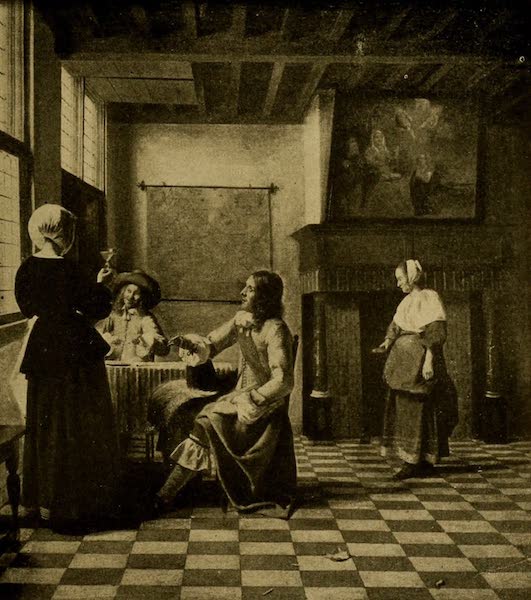 | A Tailor. Gianbattista Moroni (National Gallery)
|
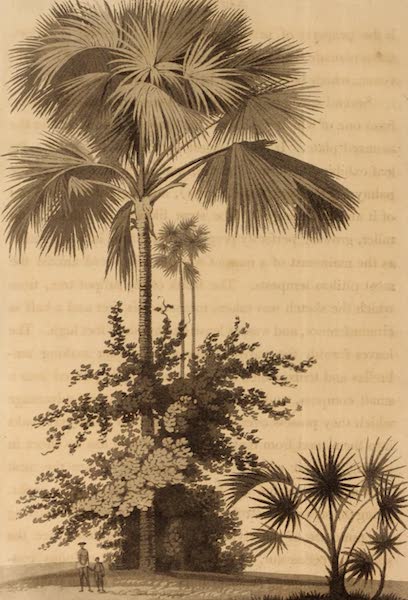 | A Talipot Tree on Batticaloe
|
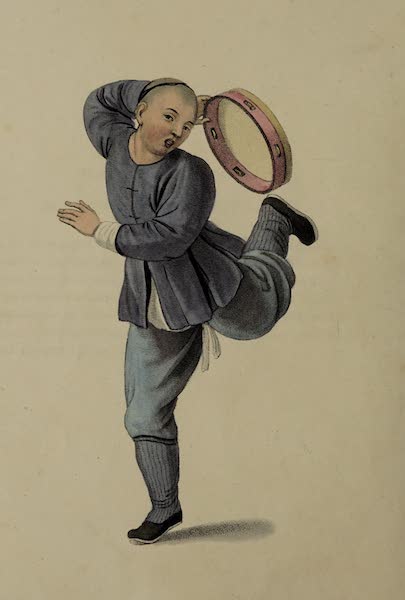 | A Tambouriner
|
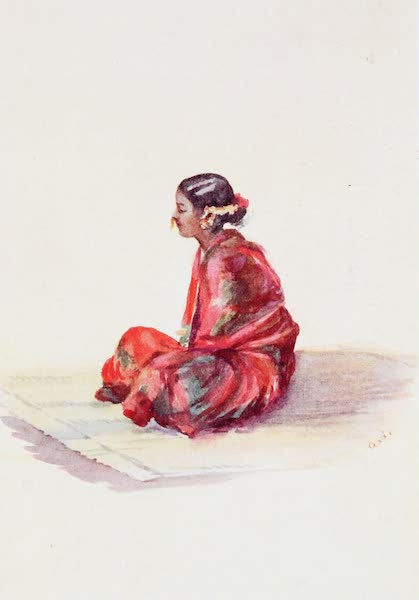 | A Tamil Girl dressed for a Visit
|
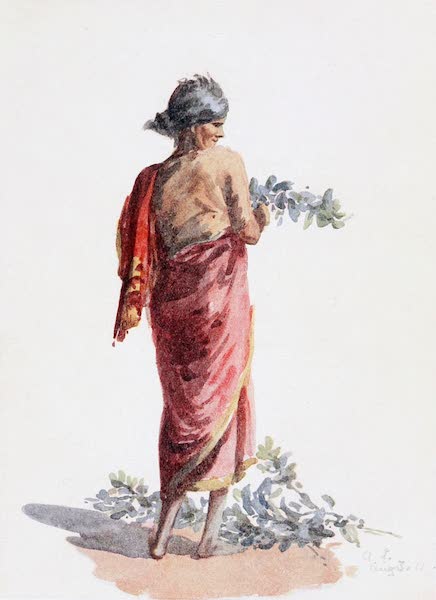 | A Tamil Pariah Woman
|
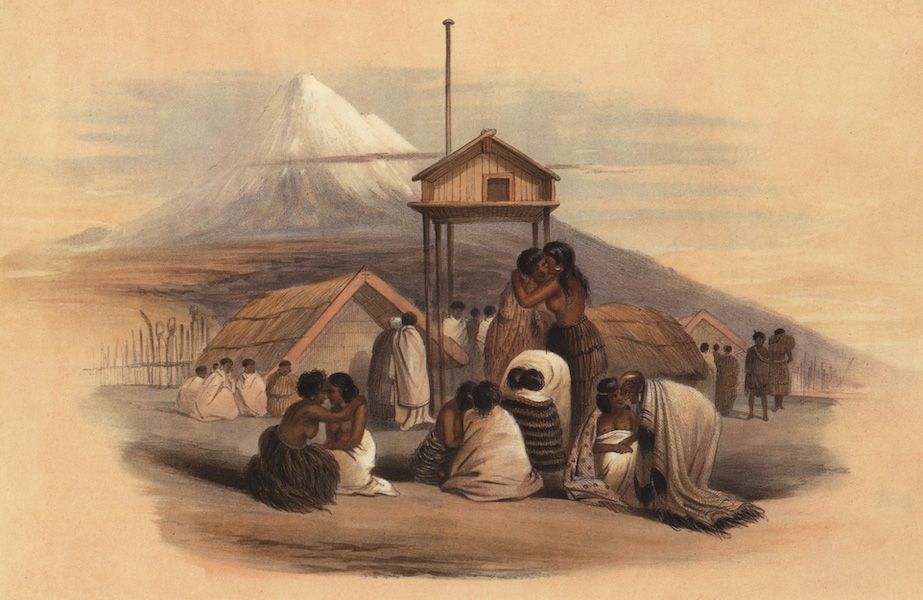 | A Tangui, or Meeting of Friends, Mount Egmont in the Distance
|
 | A Tank in Mysore with Canarese Women drawing Water
|
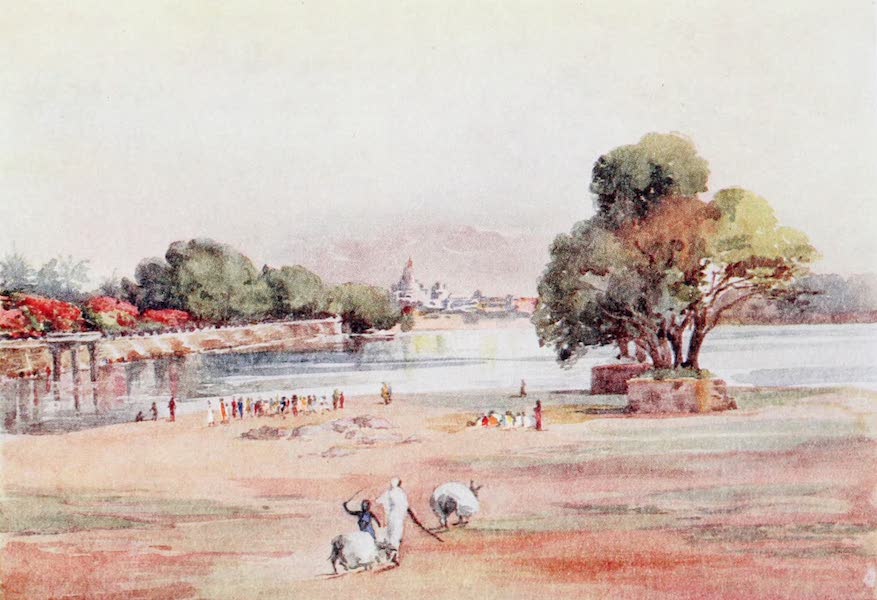 | A Tank in Mysore with the Maharajah's Palace in the distance
|
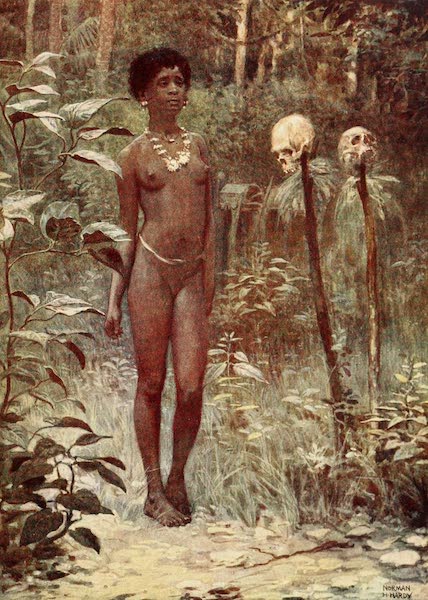 | A Tapu Virgin, British Solomon Islands
|
 | A Tartar
|
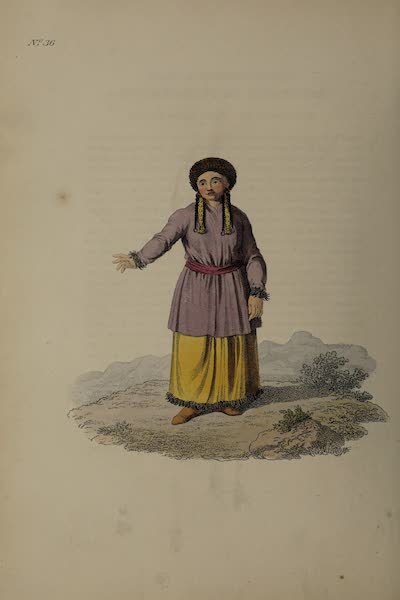 | A Tartar Girl of Kousnetzk
|
 | A Tartar House in the Village of Alupka
Such houses are generally constructed abutting on a large rock, the side of which is used as a wall. The roof is flat, and upon it, when the weather is fair, the inhabitants commonly assemble, working or enjoying one another's society. |
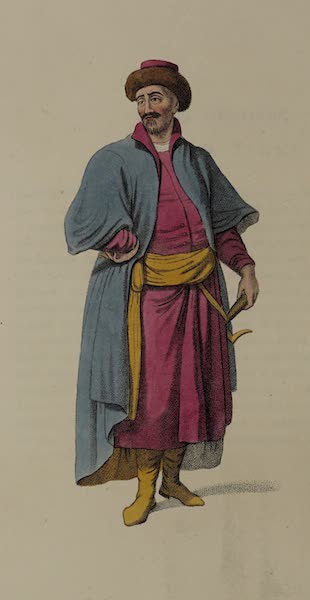 | A Tartar of Kazan
|
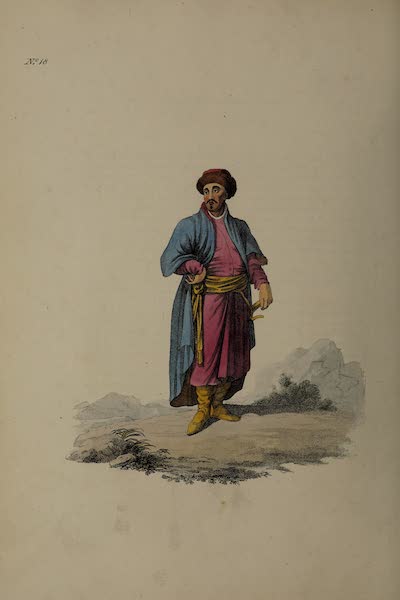 | A Tartar of Kazan
|
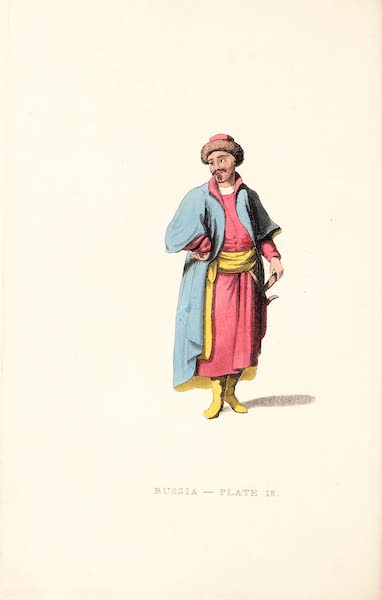 | A Tartar of Kazan
|
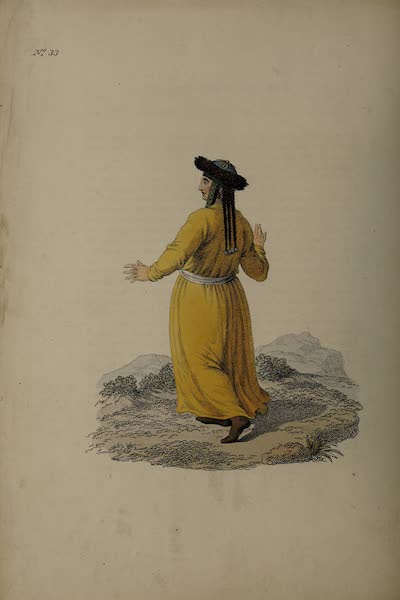 | A Tartar Woman of Kousnetzk
|
 | A Tcheremhisian Woman
|
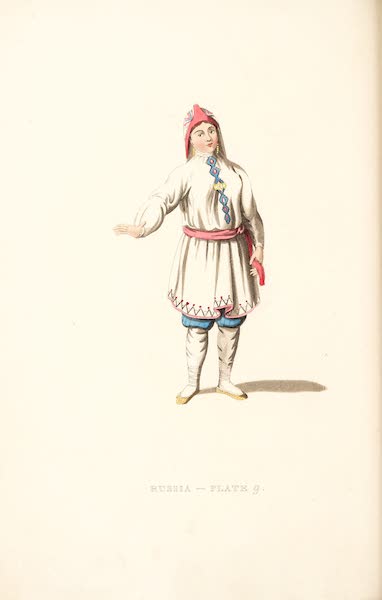 | A Tcheremhisian Woman in her Summer dress
|
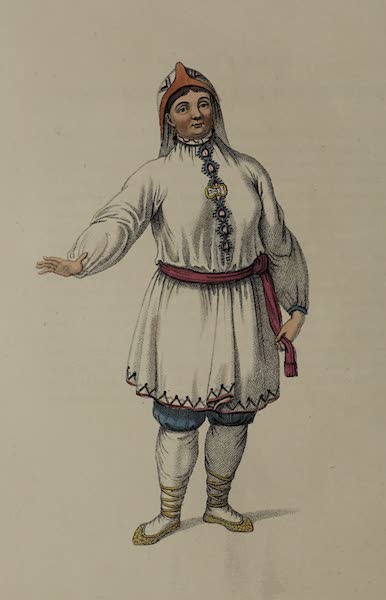 | A Tcheremhisian Woman, in her Summer Dress
|
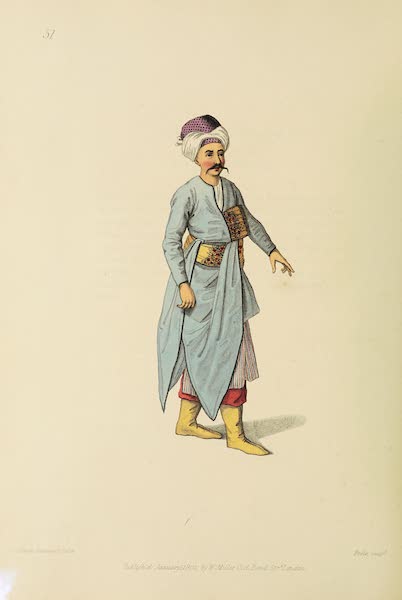 | A Tchocadar
|
 | A Tchouvashian Female
|
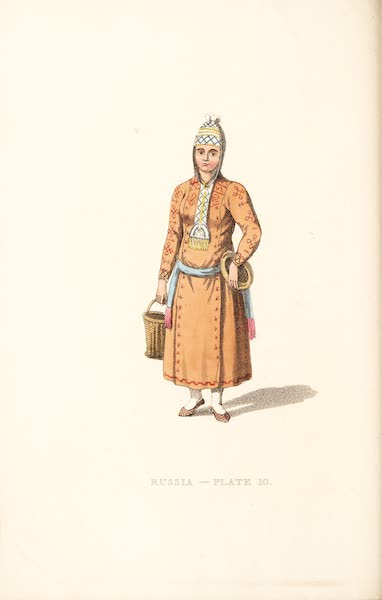 | A Tchouvashian Female
|
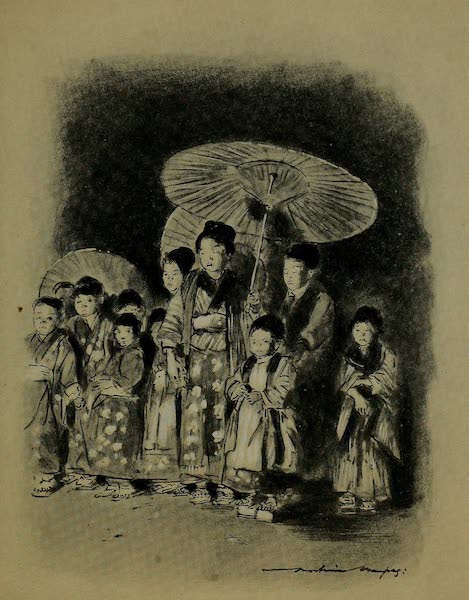 | A Tea House
|
 | A Tea House Merry-Making
|
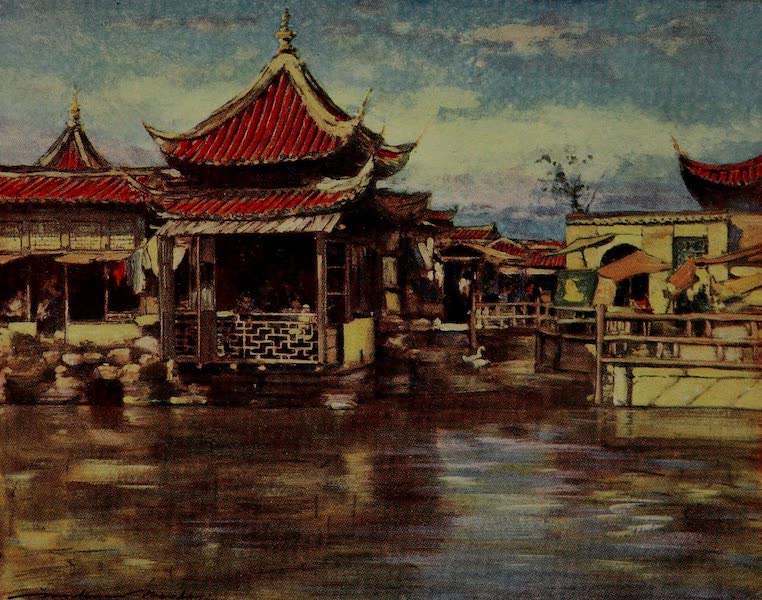 | A Tea House, Shanghai
|
 | A Tea Plantation with Tea Pickers at Work
|
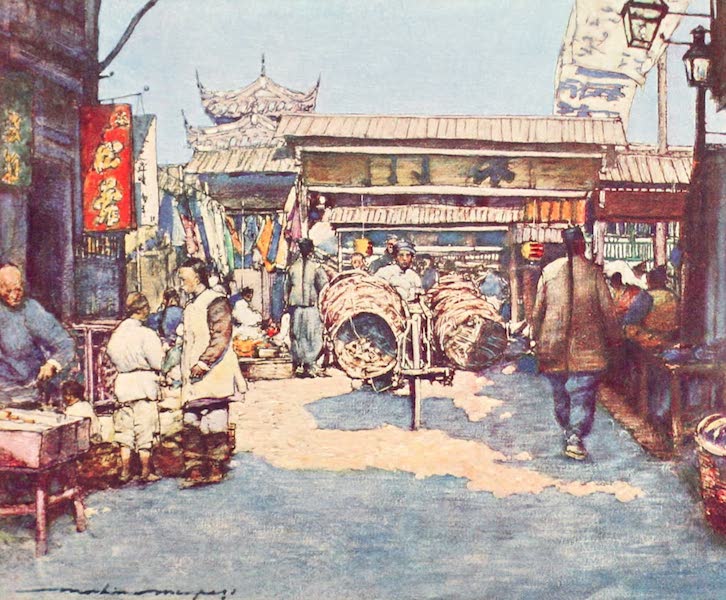 | A Temple
|
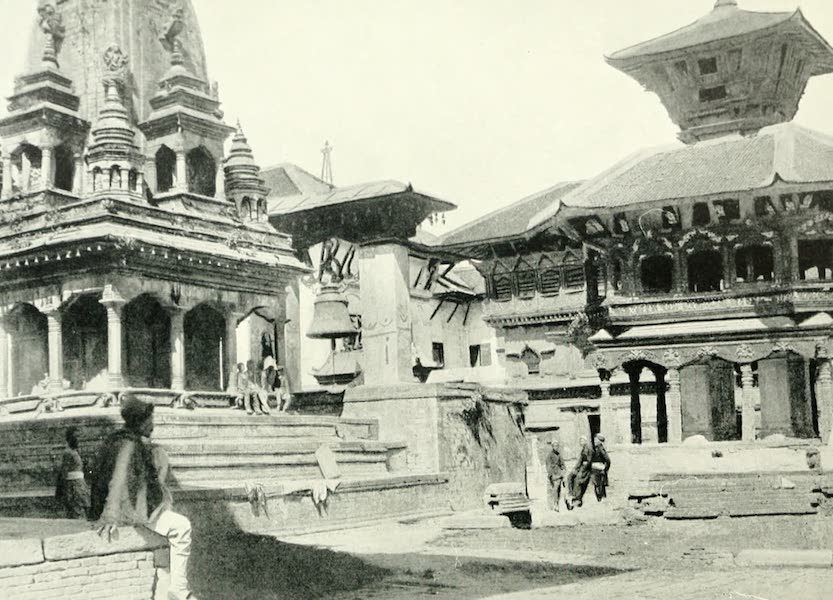 | A Temple in Bhatgaon
|
 | A Temple in the Tank at Thanesar
|
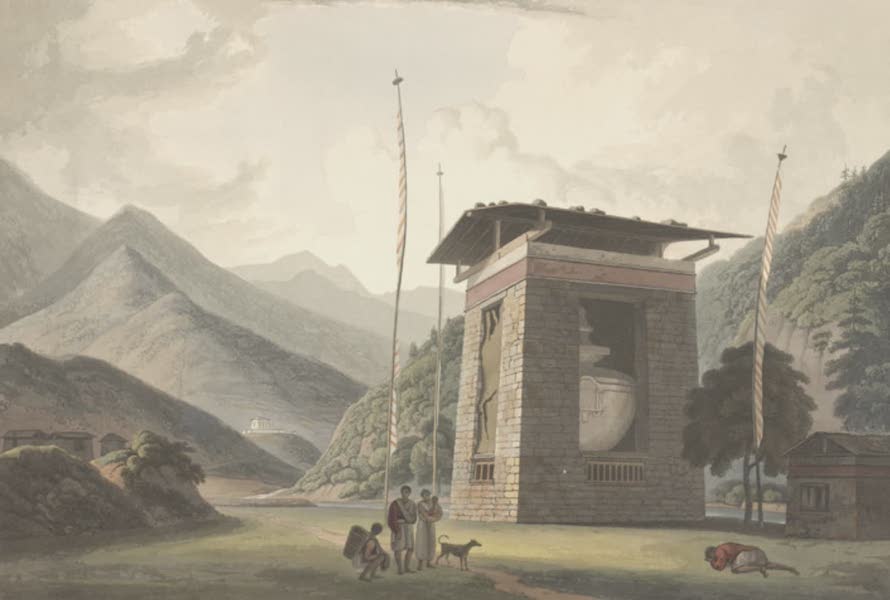 | A Temple of Bode
This engraving by William Daniell was made from an original drawing by Samuel Davis and became plate 4 in their book, 'Views in Bootan'. The kingdom of Bhutan is in the eastern Himalayas, between Tibet in the north and Bengal in the south. The name Bhutan is possibly derived from the Sanskrit word Bhotant, meaning 'end of Tibet', or Bhu-uttan, meaning 'high land'. Natives call the country Drukyul, meaning Land of the Thunder Dragon, which is an allusion to its dominant Vajrayana Buddhism. Practiced since the 8th century, this has its origins in Tibetan Buddhism. Davis portrays a temple known as a chorten, which is flanked by tall prayer flags known as tall dashis. The flags are inscribed from top to bottom with the sacred Buddhist mantra 'om-mani-padme-hum'. In the distance is a Rajah's small villa. Davis, a keen amateur artist, was in service with the East India Company and accompanied Samuel Turner's embassy to Tibet in 1783, but did not proceed beyond Bhutan. |
 | A temporary rustic gate at the west end of the garden.
|
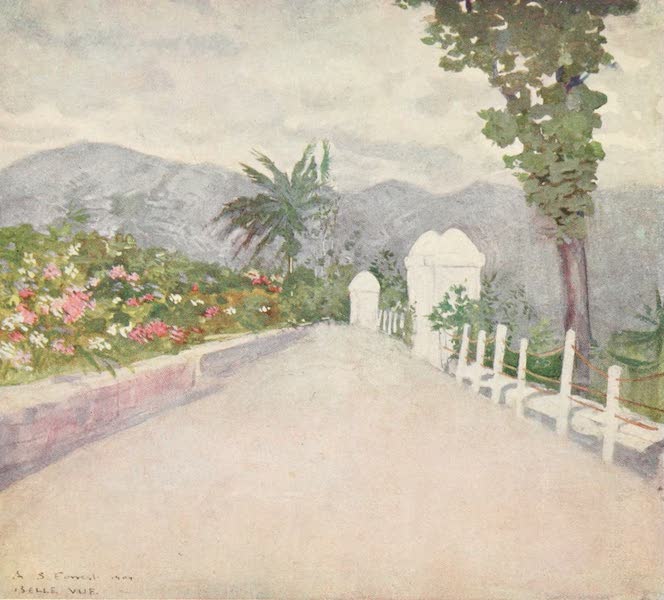 | A Terrace Garden on the Hills, Jamaica
|
 | A Terrace in the Villa Rosebery
|
 | A Terrace of Idylls : Quinta da Levada
|
 | A Terrace of the Nishat Bagh
|
 | A Terrace Wall, Lago Maggiore
|
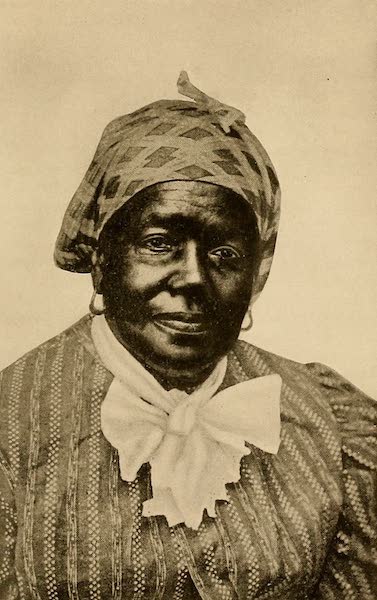 | A Texas Mammy
|
 | A Theban Homestead
|
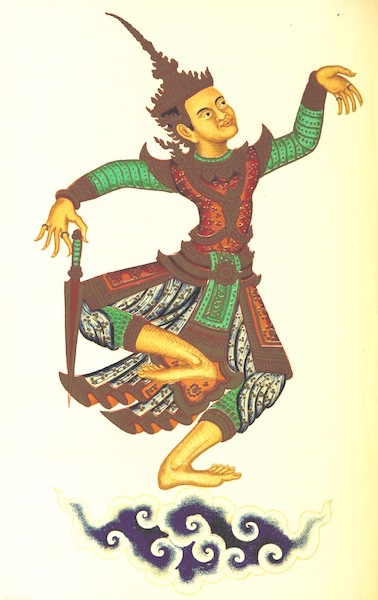 | A Theweda or Angel
|
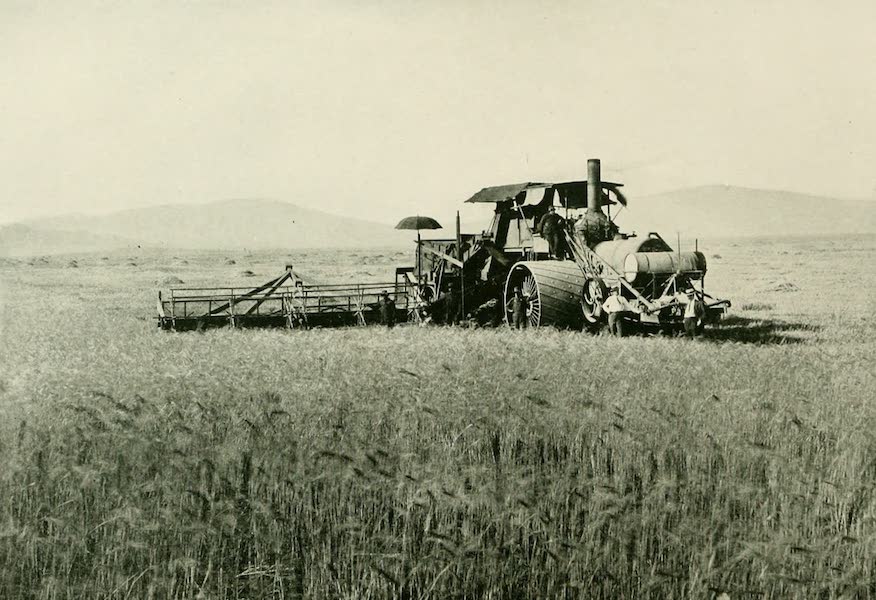 | A thresher at work on a 17,000 acre wheat ranch
|
 | A Thuringian Village
|
 | A Tibbin Boat on the Nile
|
 | A Tibetan Baby Girl
|
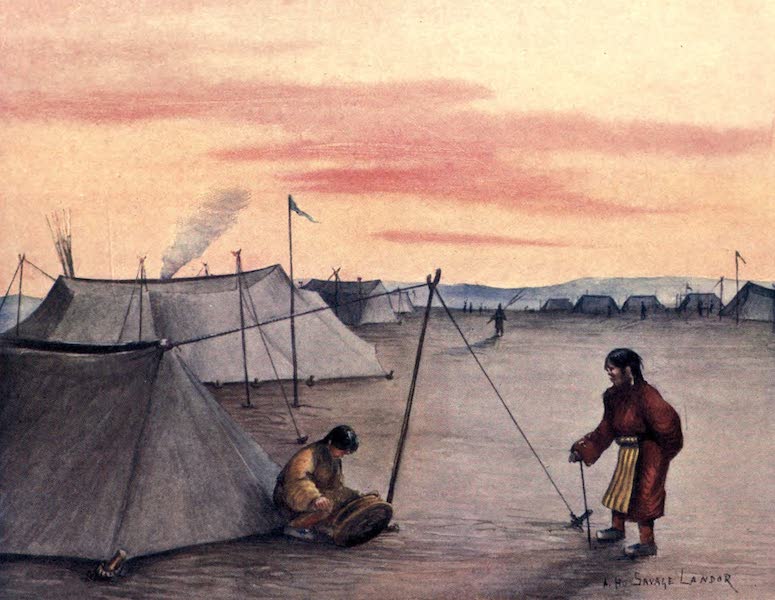 | A Tibetan Camp of Black Tents
|
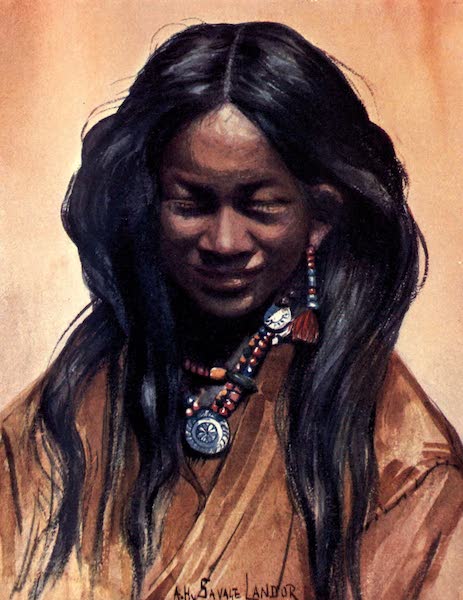 | A Tibetan Girl
|
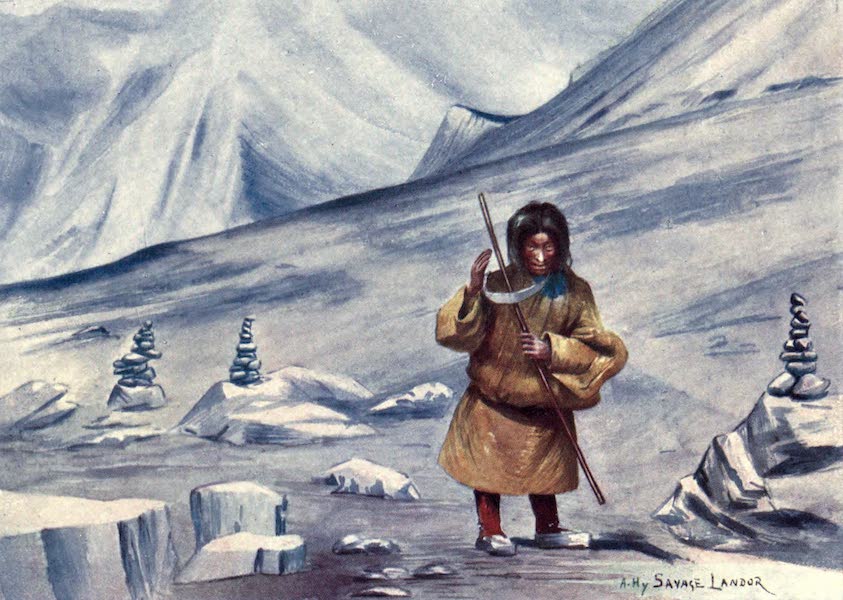 | A Tibetan Spy in the Disguise of a Beggar approaching the Author's Camp
|
 | A Tide Rip in the Lower Hope
|
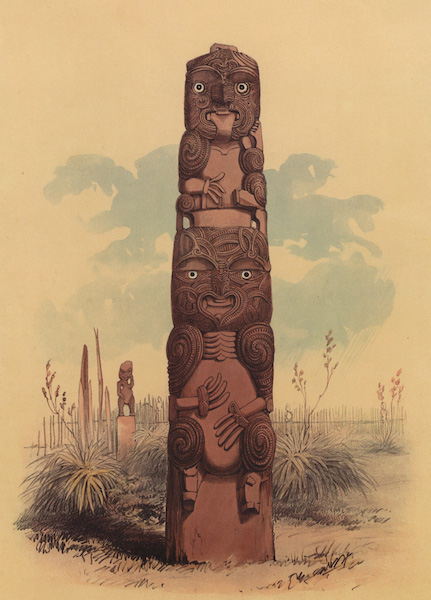 | A Tiki at Raroera Pah
|
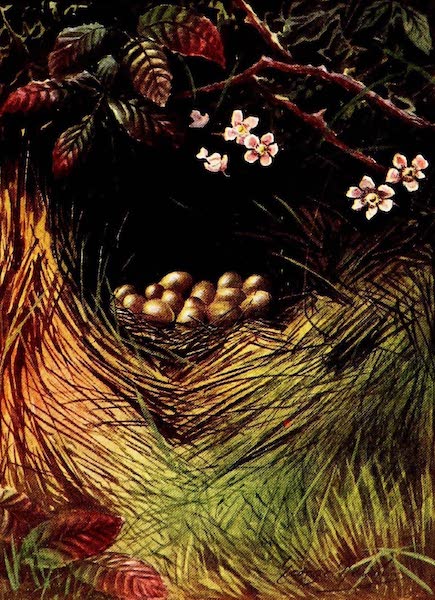 | A Time-honoured Custom - Partridge and Pheasant using same Nest
|
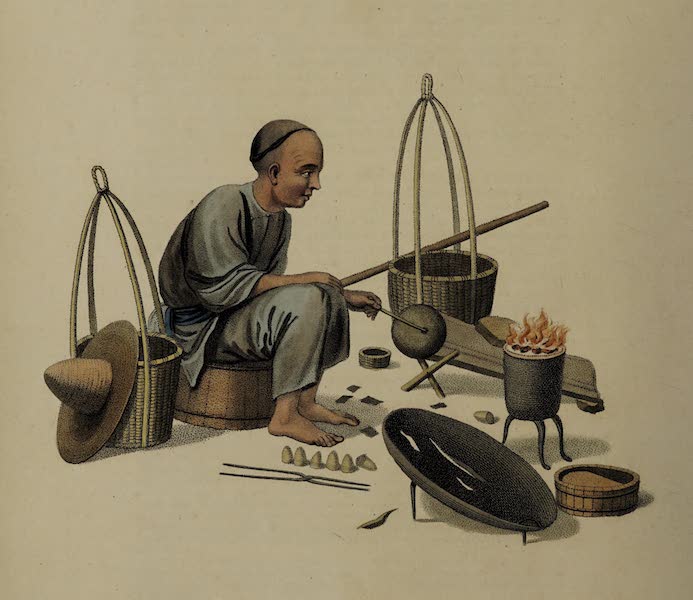 | A Tinker
|
 | A Tinker
|
 | A Tithe-Barn, Abbotsbury, near Weymouth. The scene of the sheep-shearing in Far from the Madding Crowd
|
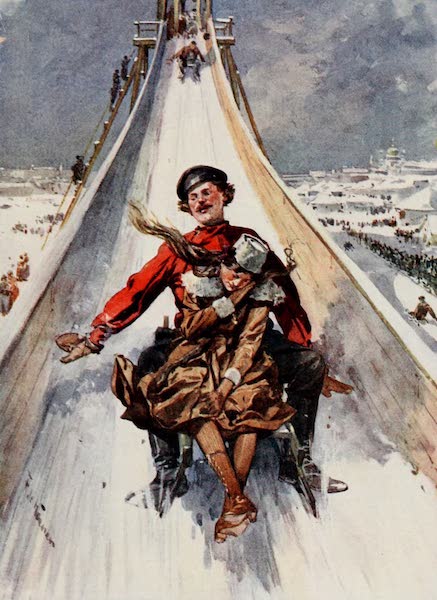 | A Toboggan Slide
|
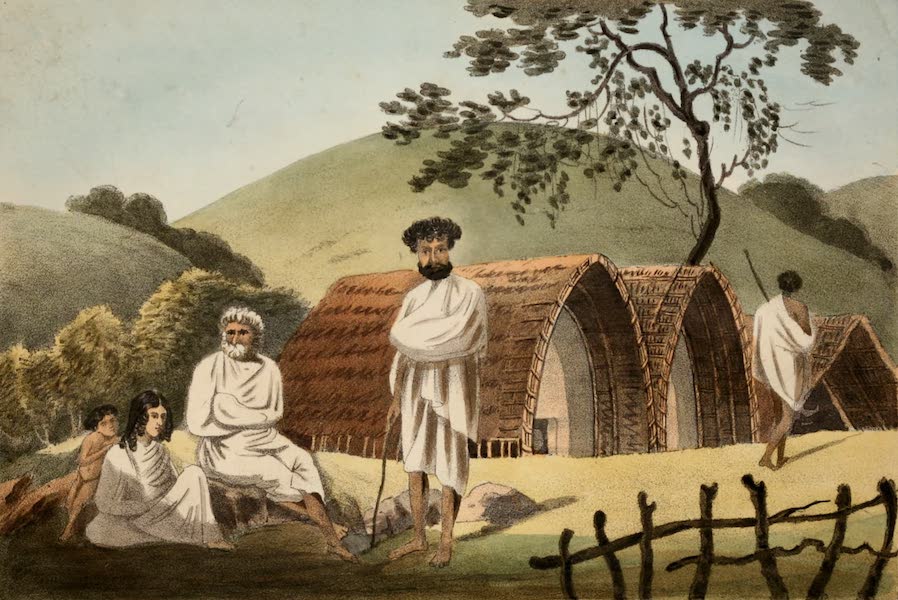 | A Today Family and Their Dwelling
|
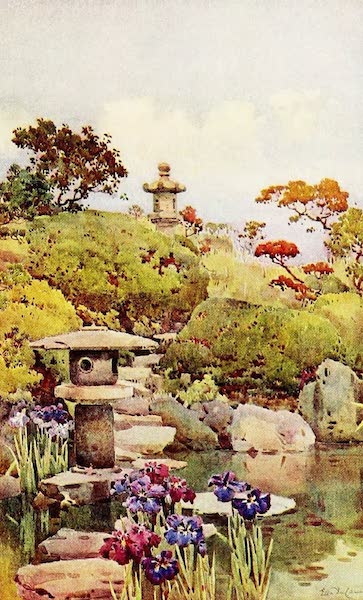 | A Tokyo Garden
|
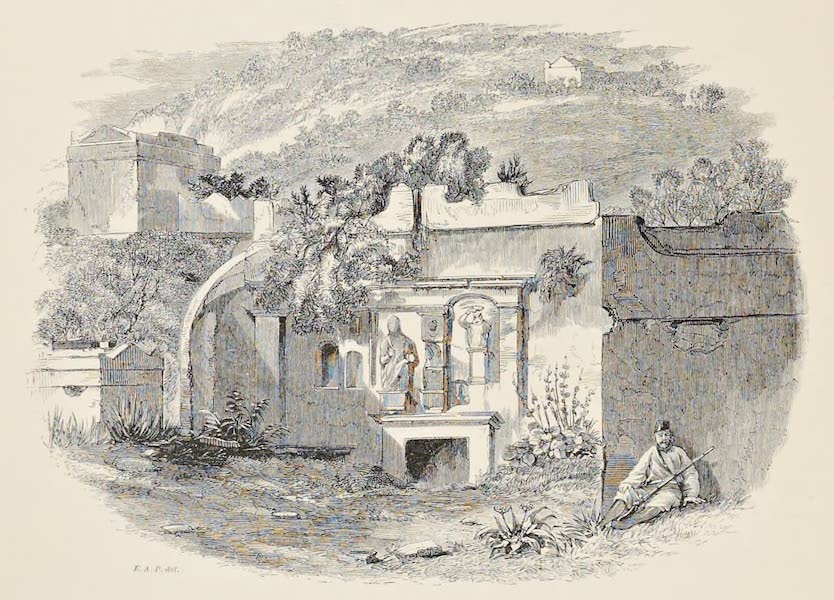 | A Tomb Embellished with Figures in the Northern Necropolis
|
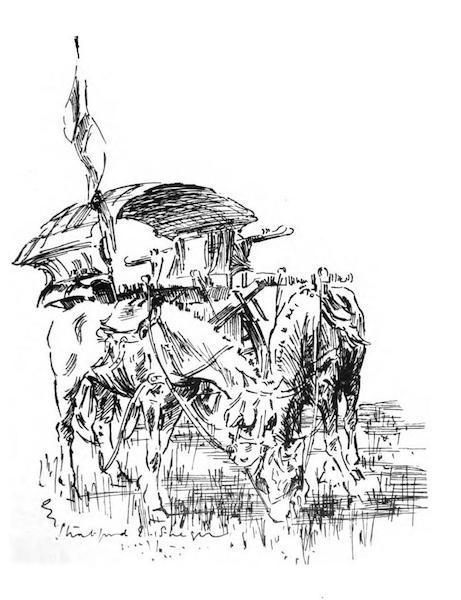 | A Tonga
|
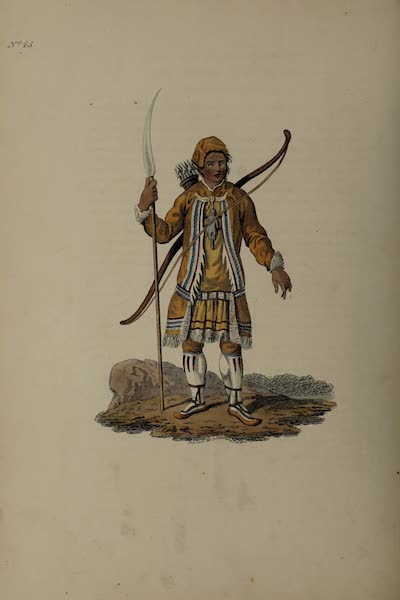 | A Tongusian in his Hunting Dress
|
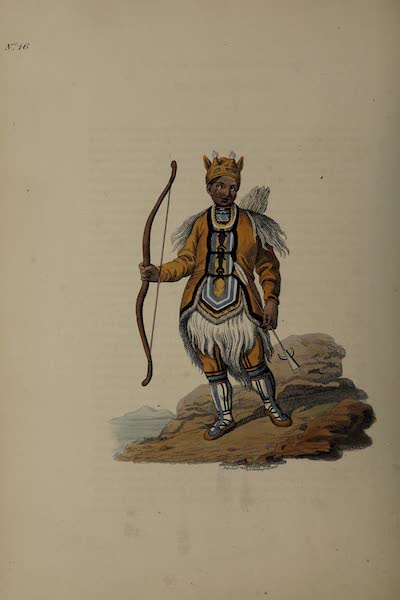 | A Tongusian in his ordinary Dress
|
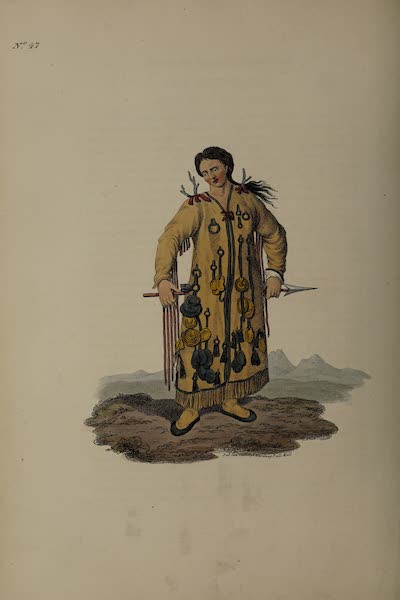 | A Tongusian Priest, in the Vicinity of the Argoun
|
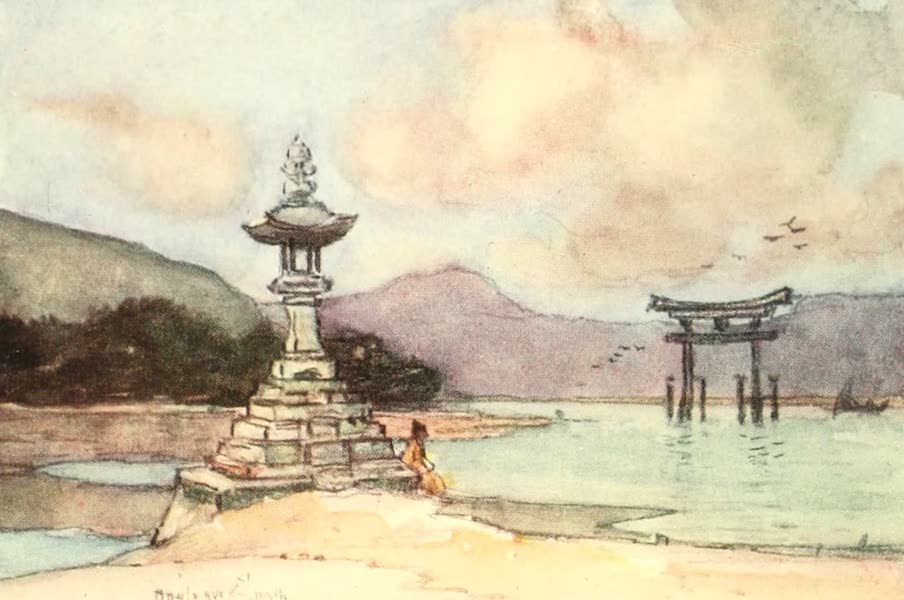 | A Torii by the side of some Hill-environed Lake
|
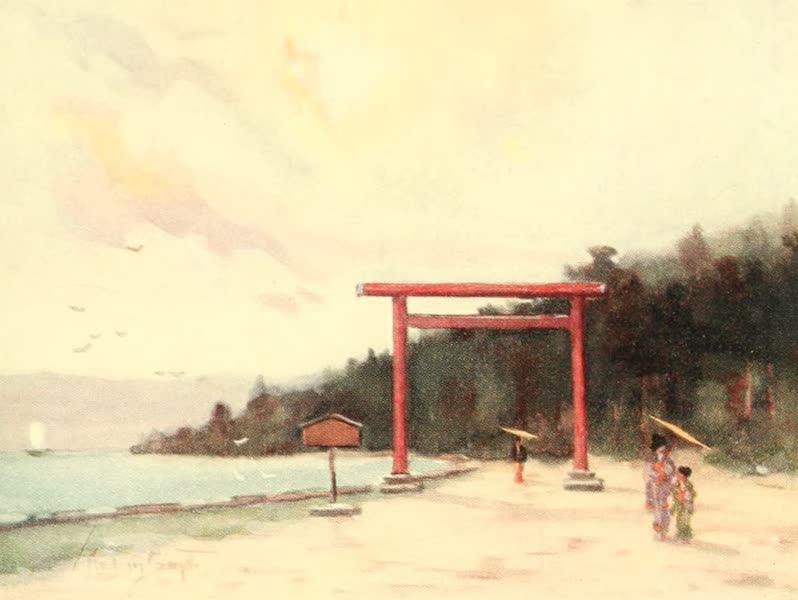 | A Torii often merely marks a beautiful spot, and does not necessarily lead to a Shrine
|
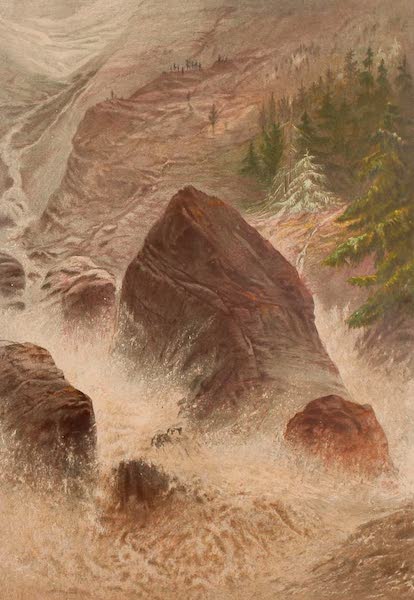 | A Torrent Val Tournanche
|
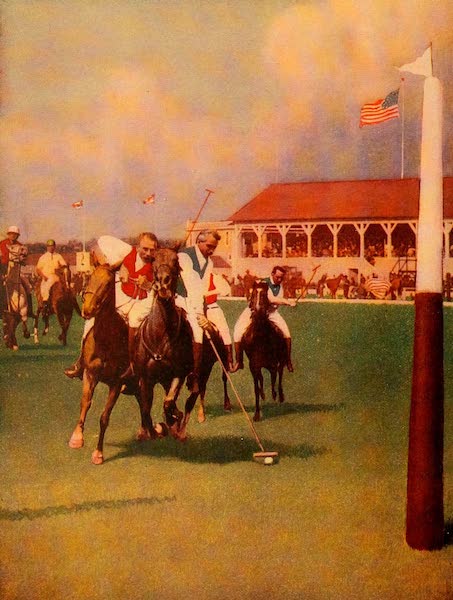 | A Tourney of Winter Knights
|
 | A Tower at Thorikos
|
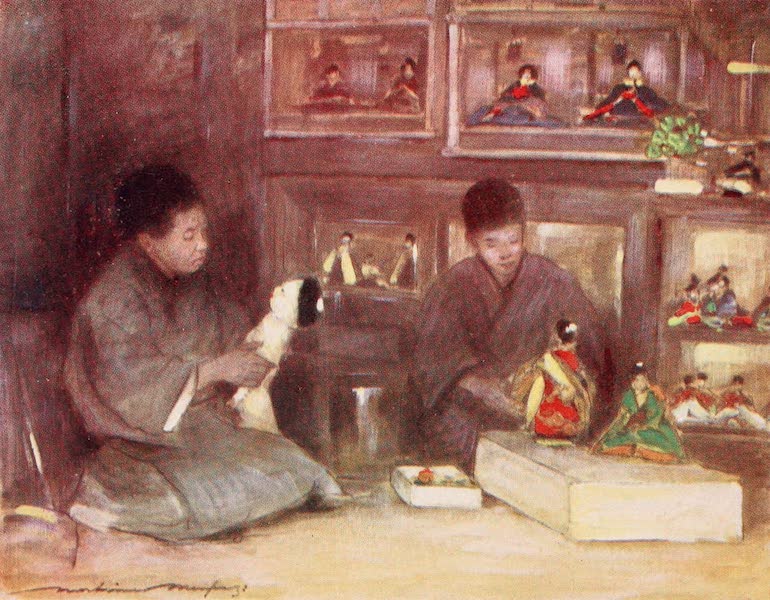 | A Toy-shop
|
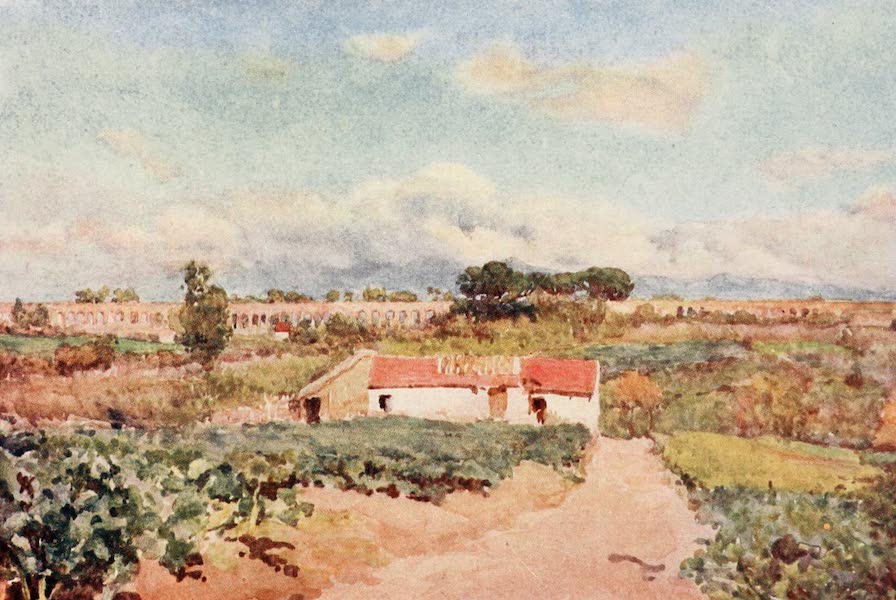 | A Tract of the Claudian Aqueduct outside the City
|
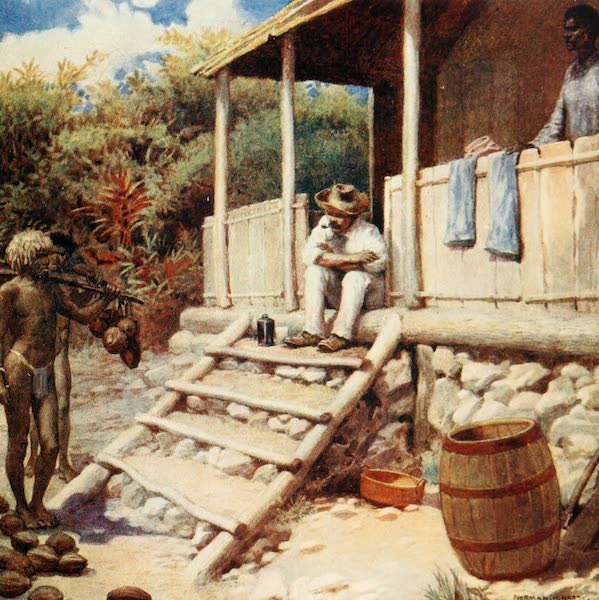 | A Trader receiving Cocoa-nuts, Aoba, New Hebrides
|
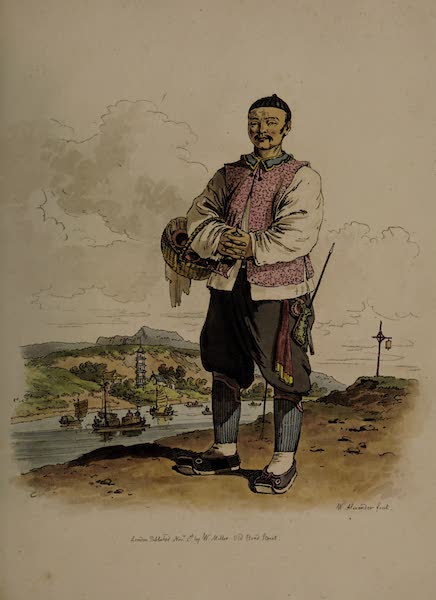 | A Tradesman with Birds' Nests for Sale
|
 | A tradesman's wife & daughter of Chili
|
 | A Traghetto
|
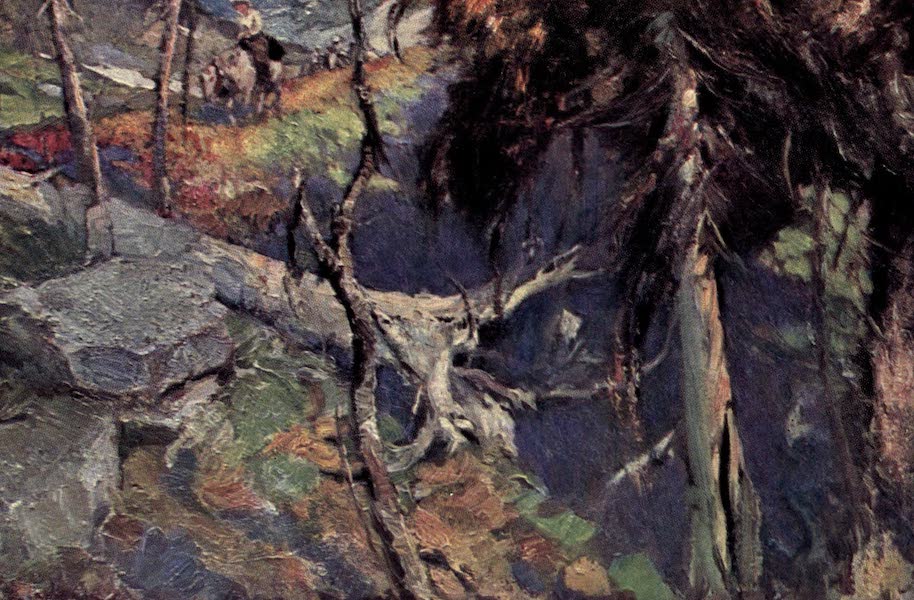 | A Trail in the Rockies
|
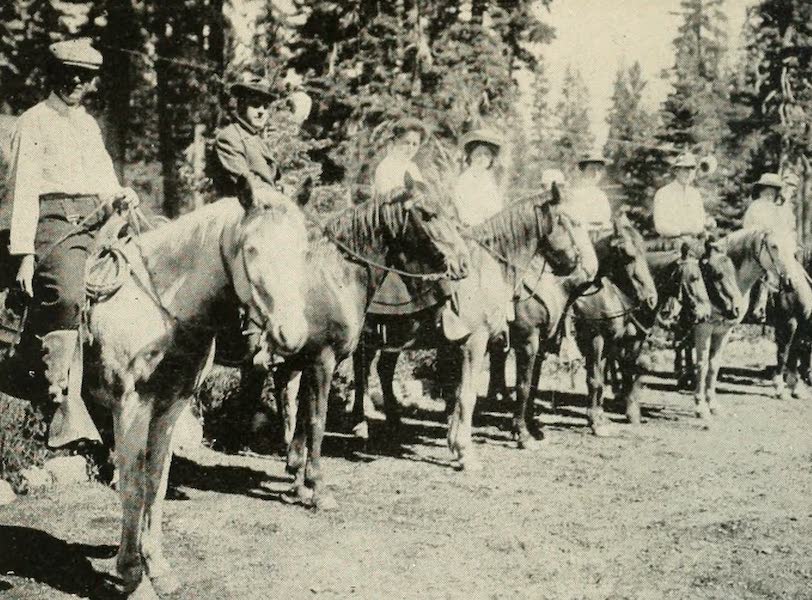 | A Trail Party About to Leave Tahoe Tavern
|
 | A Training Brig. 1902
|
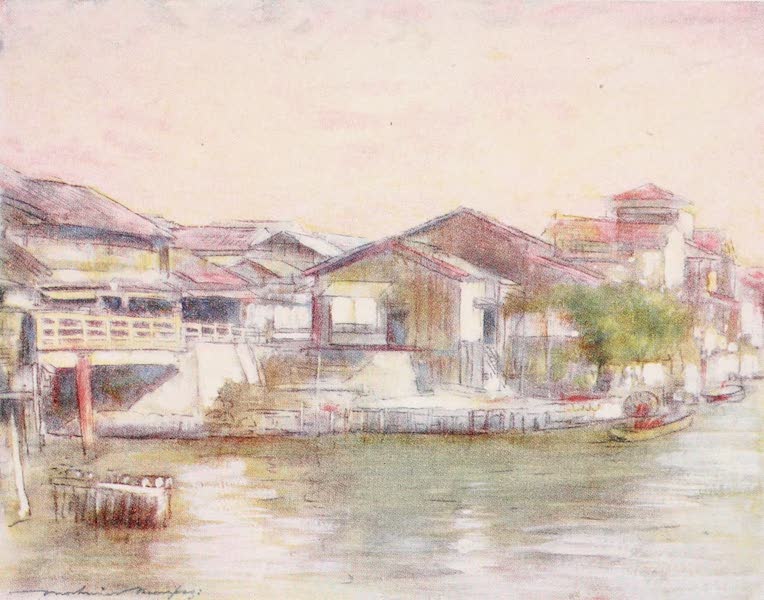 | A Tranquil Water-way
|
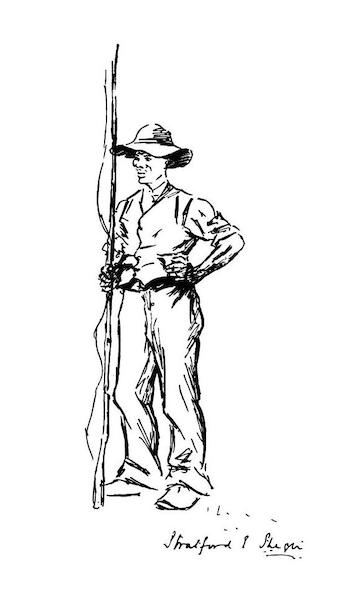 | A Transport Driver
|
 | A Transvaal Burgher
|
 | A Trapper in Costume
|
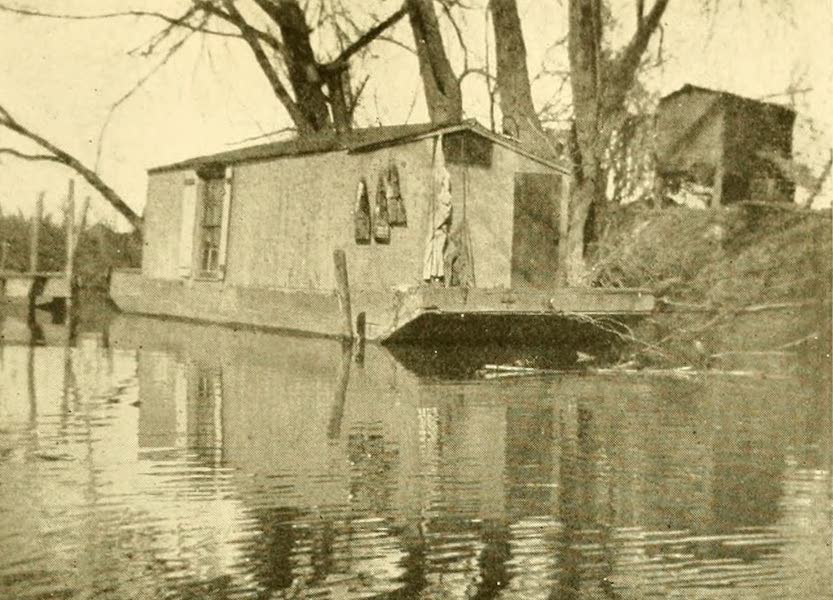 | A Trapper's Home By the River Bank
|
 | A Traveller
|
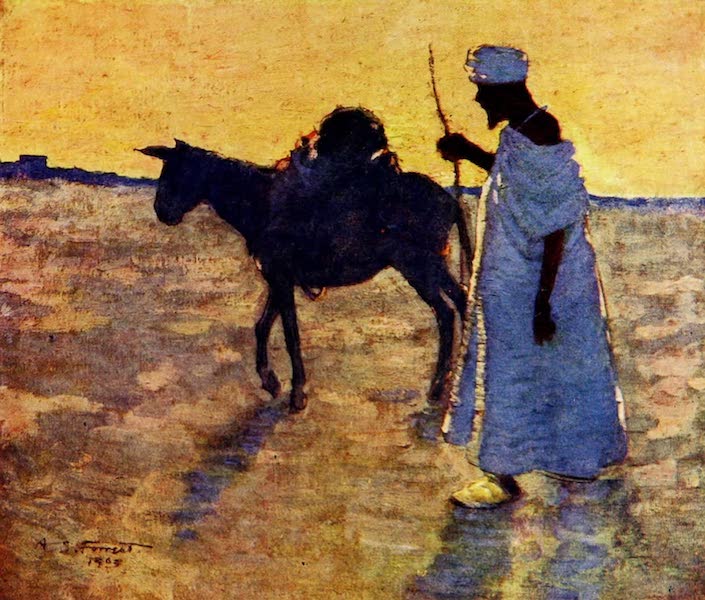 | A Traveller on the Plains
|
 | A Travelling Russian Boor
|
 | A Travelling Russian Boor
|
 | A Tree and Canal Lined Street at Chandler, Arizona
|
 | A Tributary Stream
|
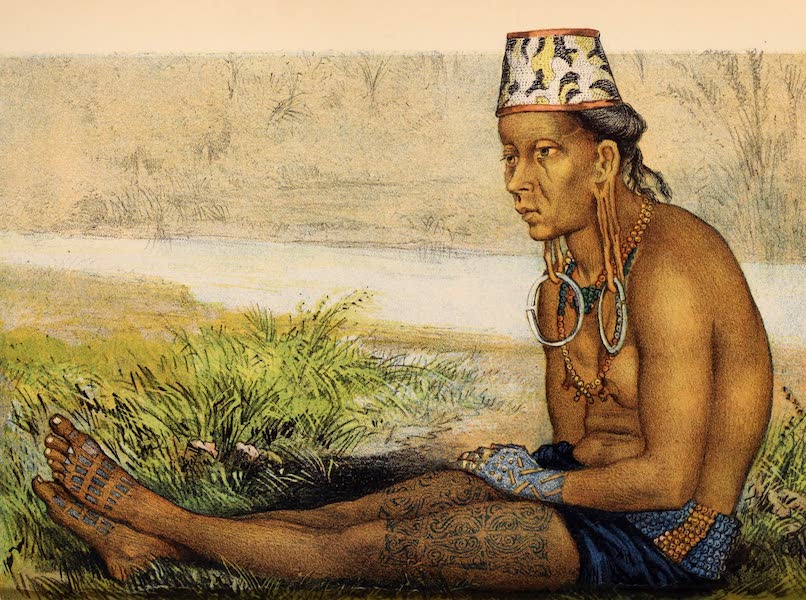 | A Tring Priestess
|
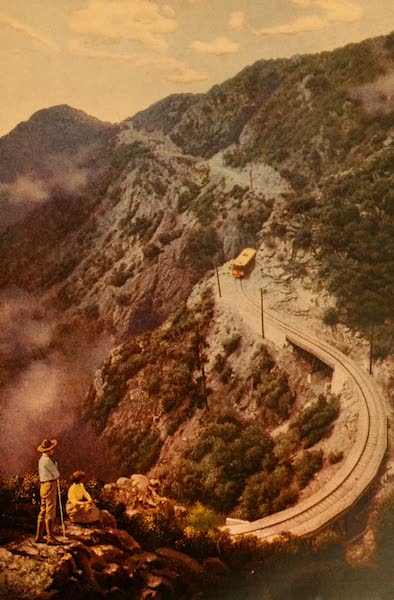 | A Trip to the Sky
|
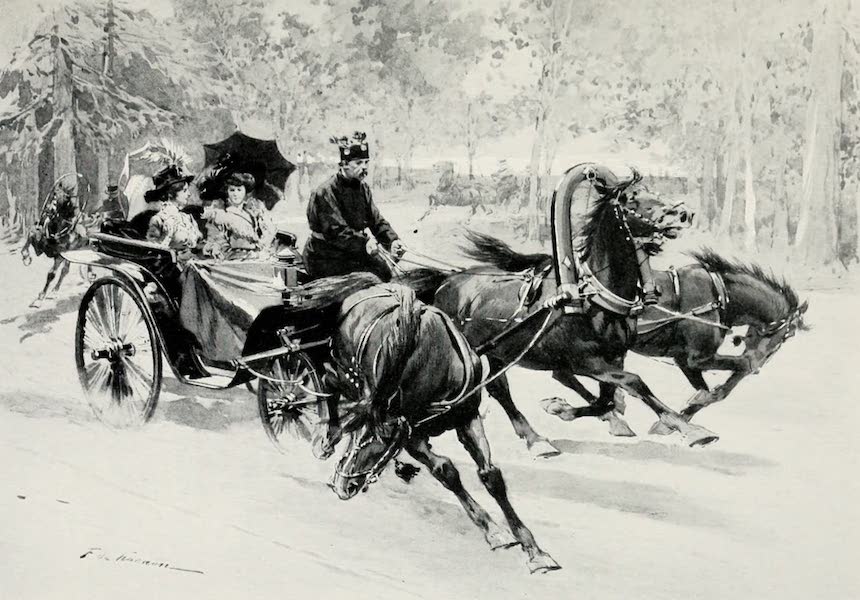 | A Troika
|
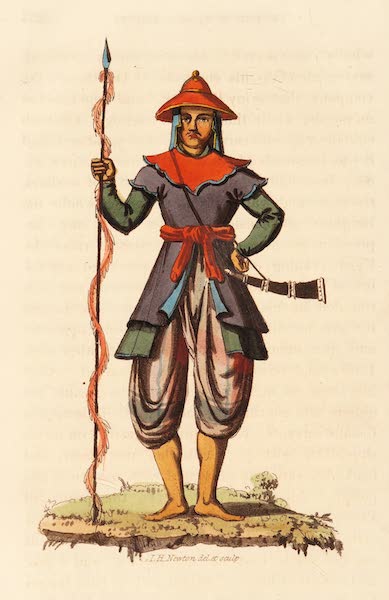 | A Trooper
|
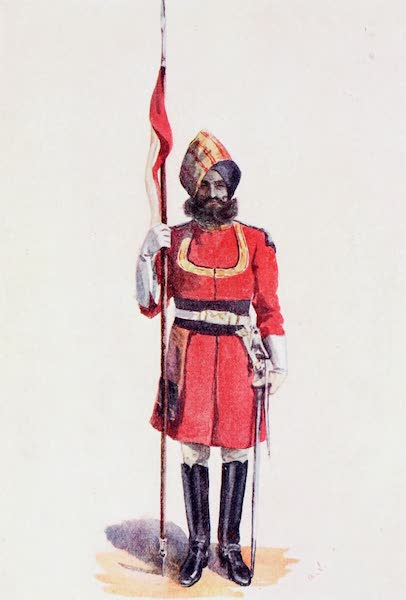 | A Trooper of the Governor's Bodyguard
|
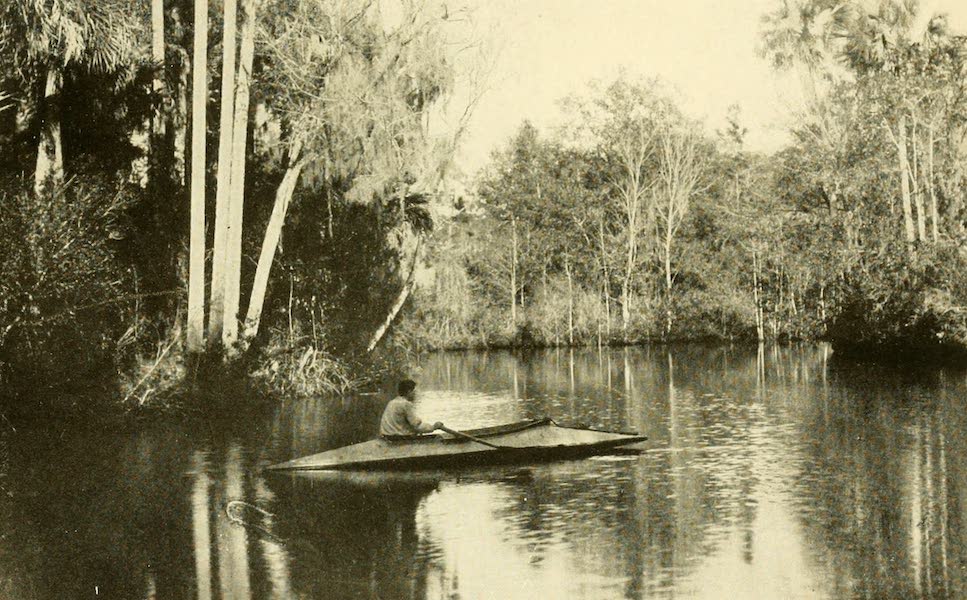 | A Tropical Florida River
|
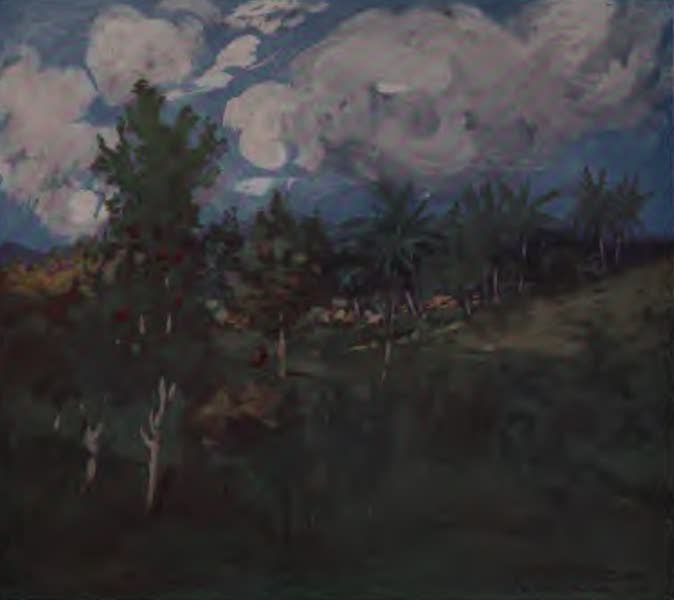 | A Tropical Landscape near Castleton
|
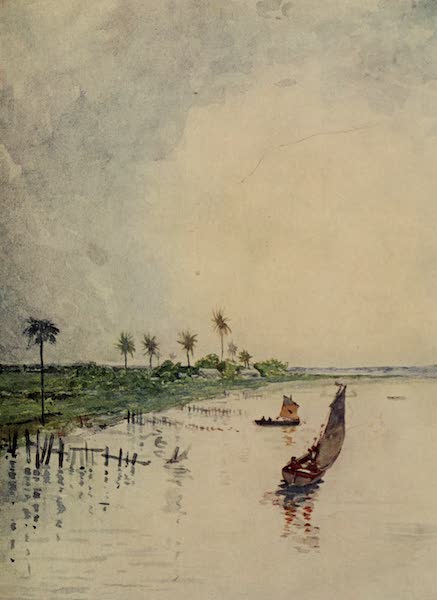 | A Tropical Scene on the Parana River
|
 | A Tropical Shower
|
 | A Troublesome Descent on Vertical Rocks
|
 | A True and Exact Draught of the Tower Liberties, surveyed in the year 1597 by Gulielmus Haiward and J. Gascoyne
|
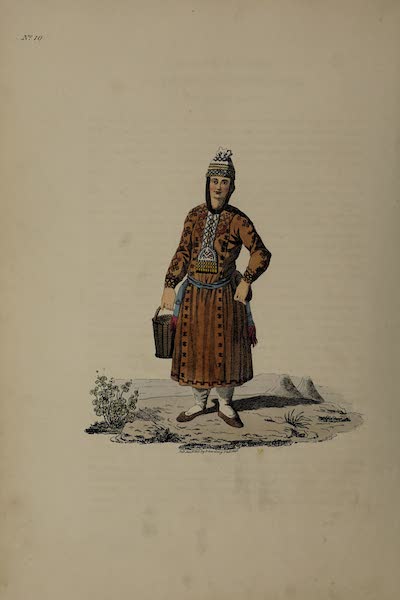 | A Tschouvachian Woman
|
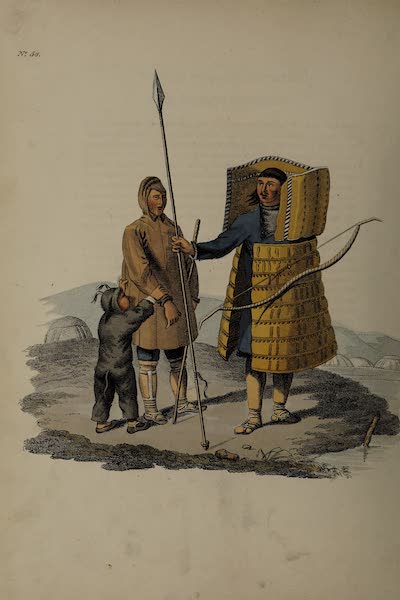 | A Tschutzkian armed, with a Woman and Child
|
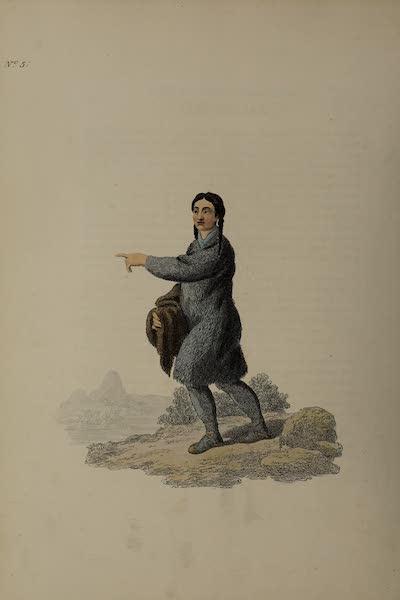 | A Tschutzkian Woman
|
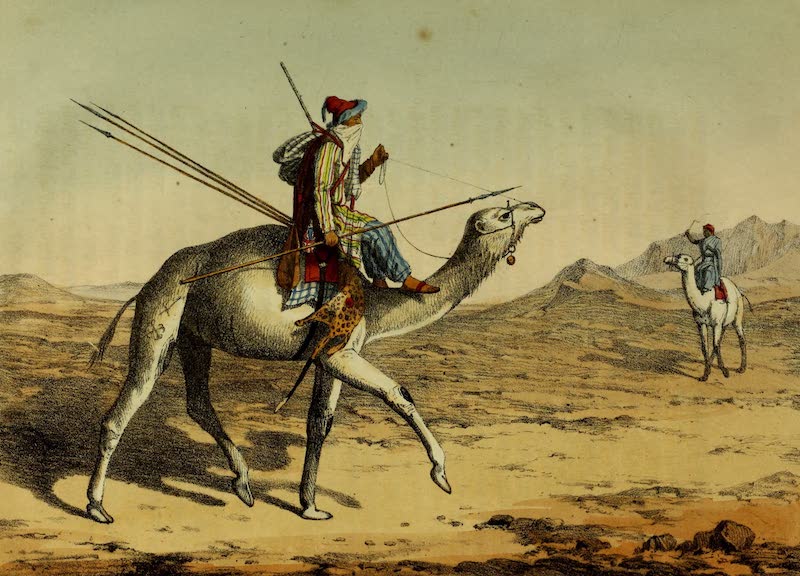 | A Tuarick on his Maherrie
|
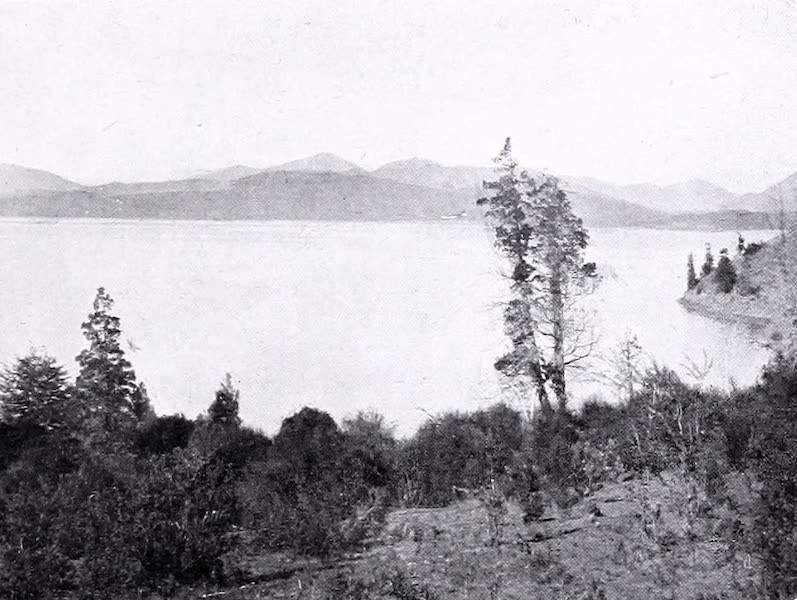 | A Tucuman Sugar Factory
|
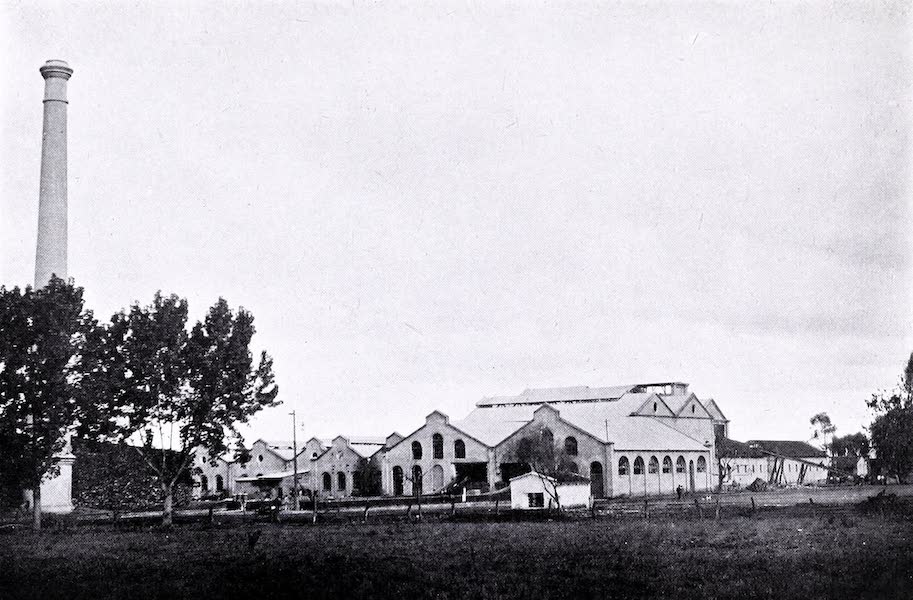 | A Tucuman Sugar Factory
|
 | A Tulip Garden, Guernsey
|
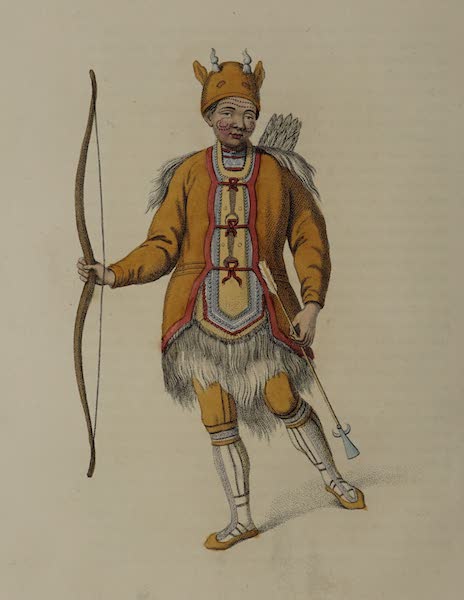 | A Tungoose
|
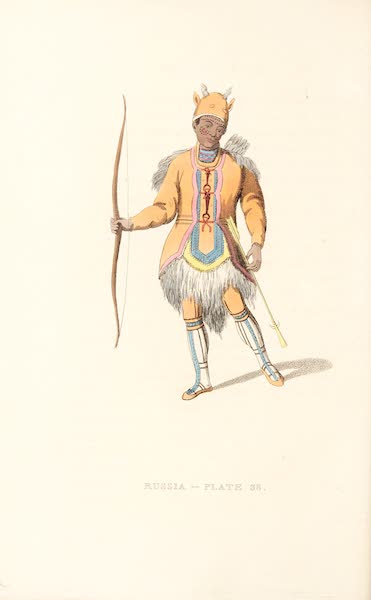 | A Tungoose
|
 | A Turban Ornament
|
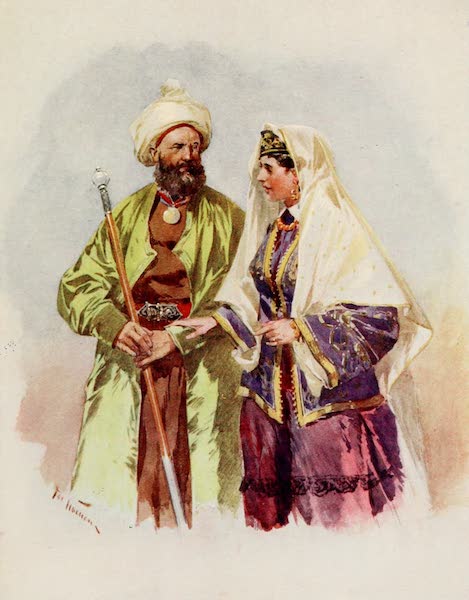 | A Turcoman and his Wife
|
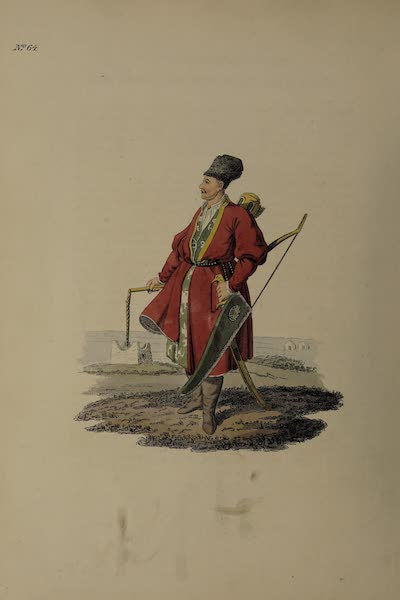 | A Turcoman, with his Bow, &c
|
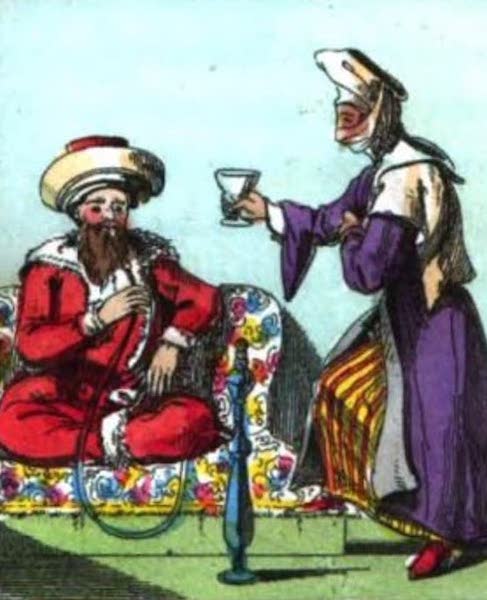 | A Turk and His Wife
|
 | A Turk in a Pelise
|
 | A Turk in his Chall, or Shawl
|
 | A Turkish Effendi
|
 | A Turkish Female Lave, playing on the Dulcimer
|
 | A Turkish Female of Pera
|
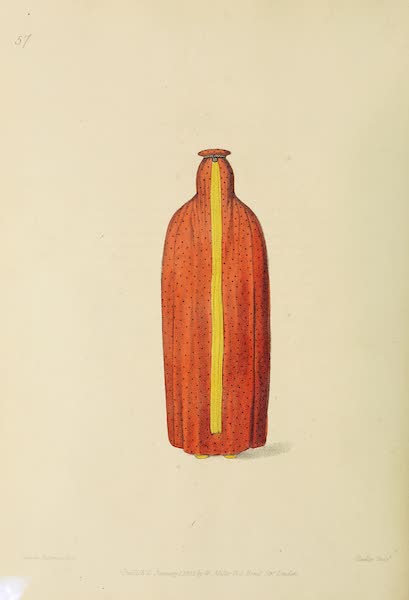 | A Turkish Lady in her Wedding Dress
|
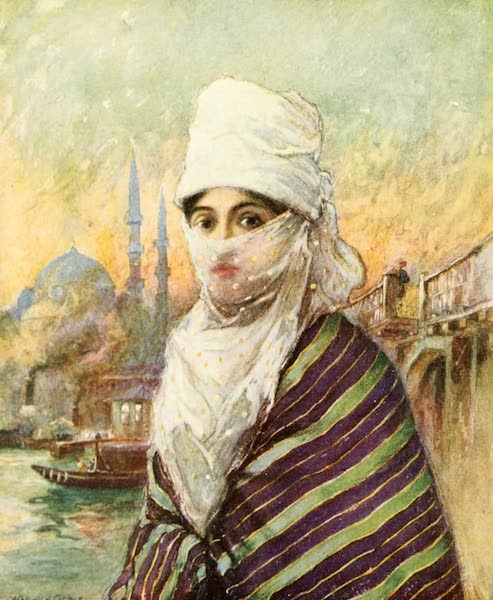 | A Turkish Lady in Out-Door Dress
|
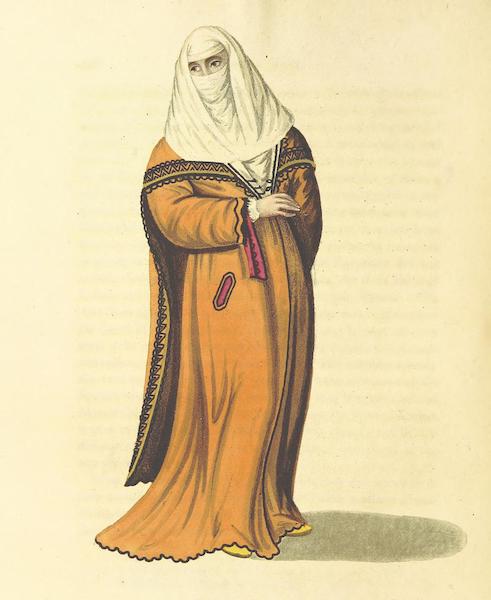 | A Turkish Woman
|
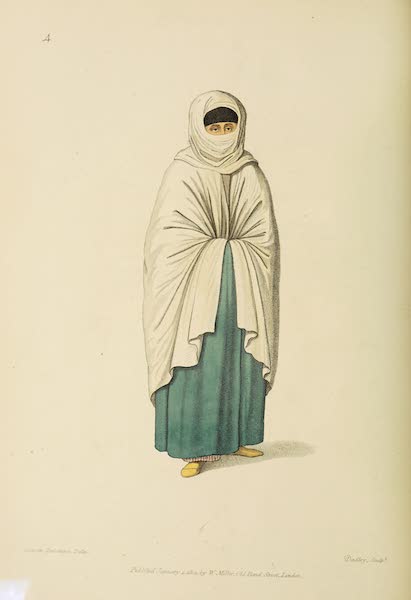 | A Turkish Woman in a Provincial Dress
|
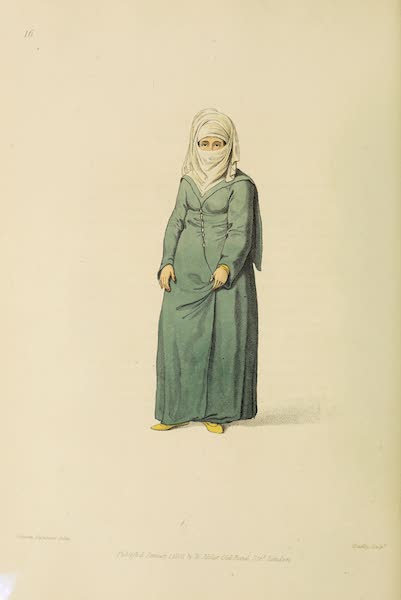 | A Turkish Woman, in the Dress, Worn at Constantinople
|
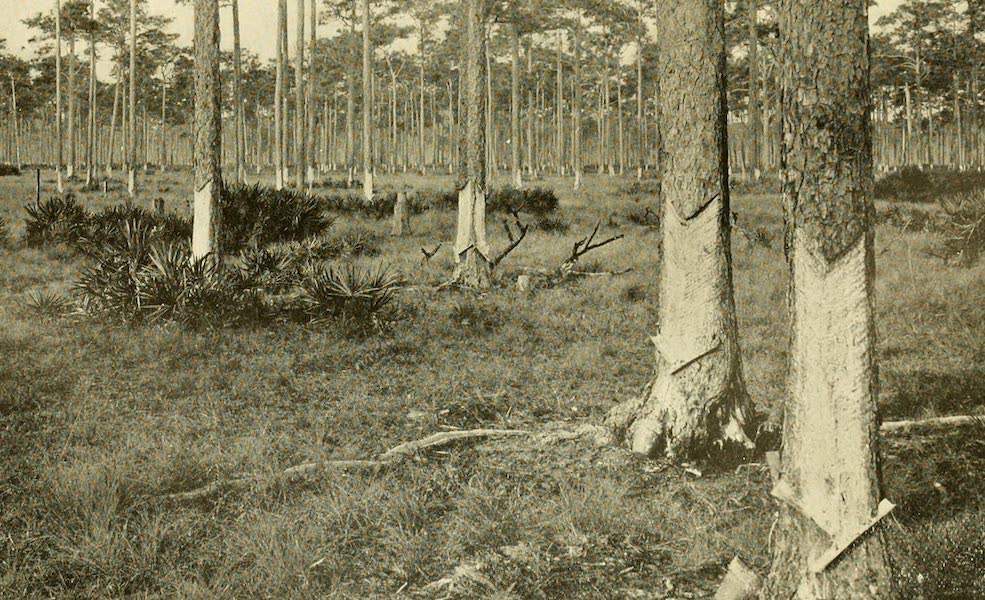 | A Turpentine Grove
|
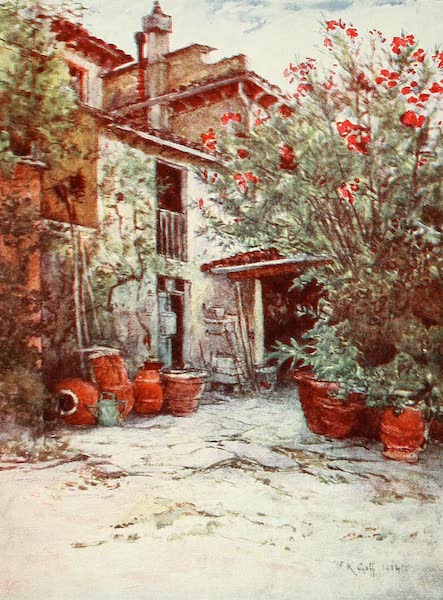 | A Tuscan Farm
|
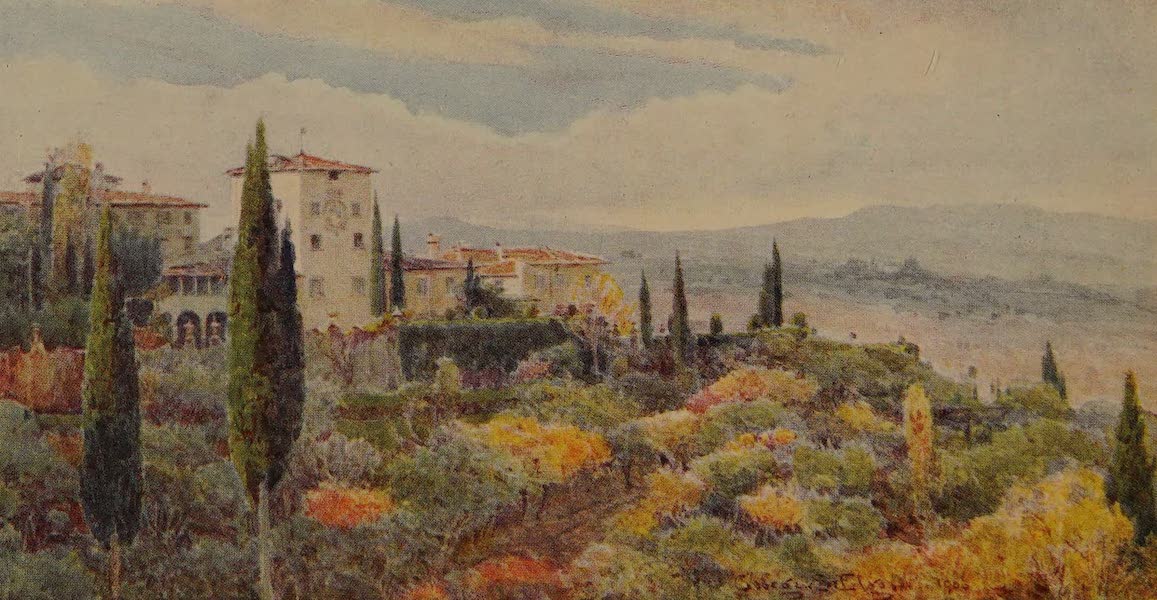 | A Tuscan Villa
|
 | A Tuscan Villa
|
 | A Tuscan Villa
|
 | A Typical Baluch
|
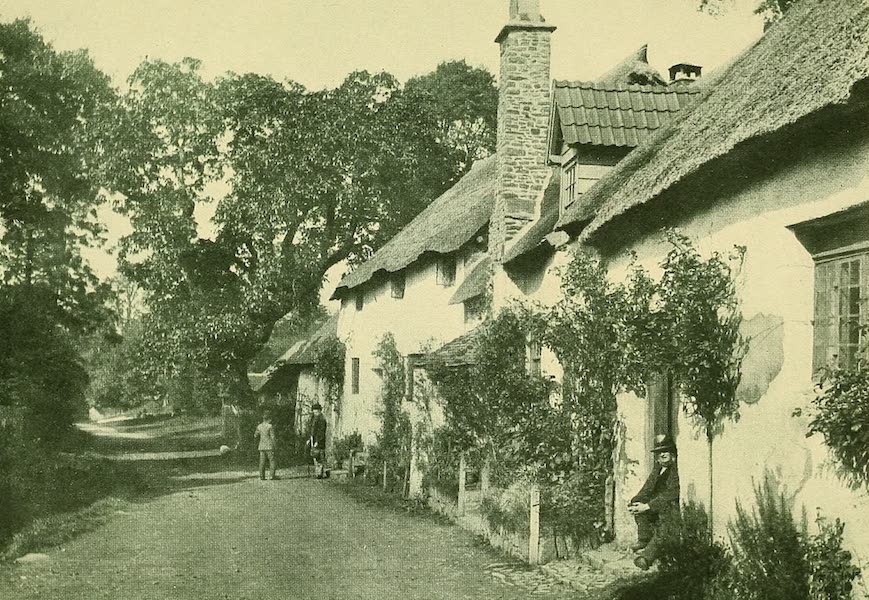 | A Typical Byway
|
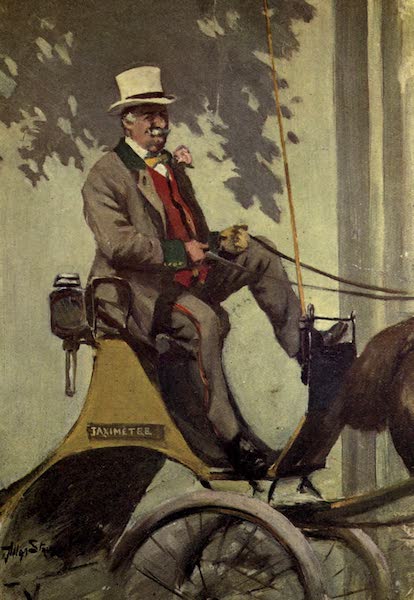 | A Typical Cocher of Paris
|
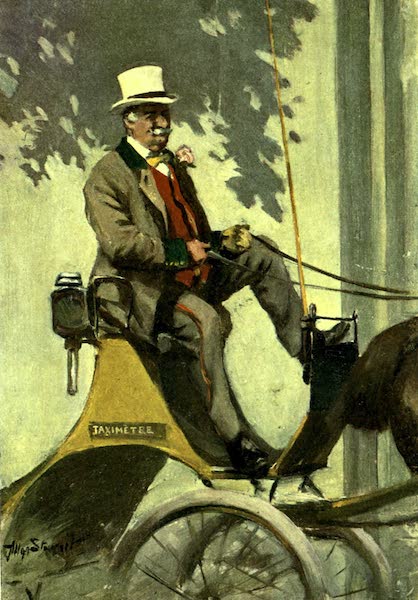 | A Typical Cocher of Paris
|
 | A Typical Corner in a Popular Quarter of Valletta
|
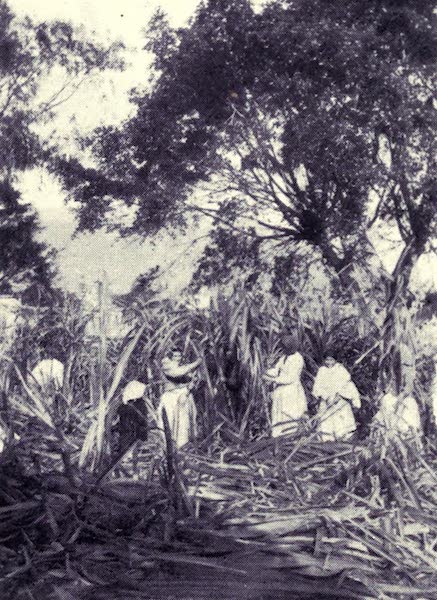 | A Typical Country Flour Mill
|
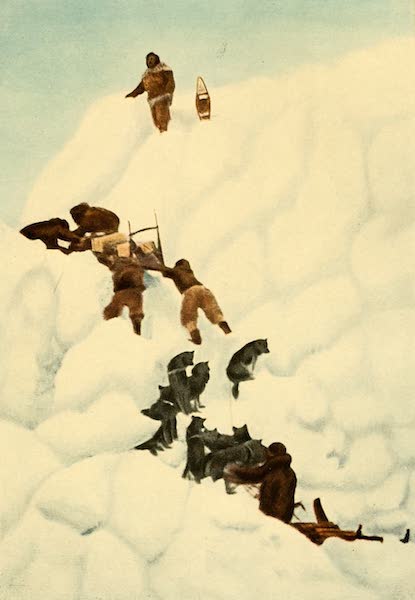 | A Typical Example of the Difficulties of Working Sledges Over a Pressure Bridge
|
 | A Typical Group in the Retainers' Procession
|
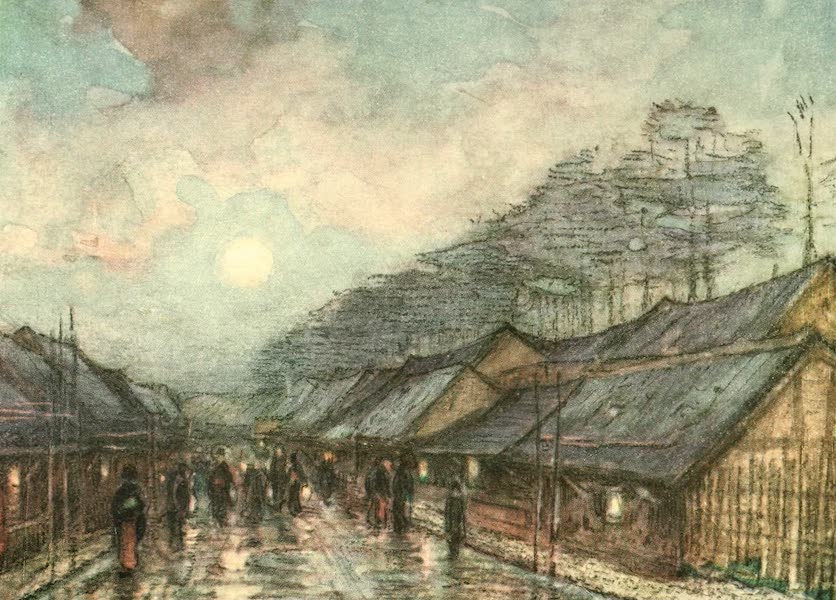 | A typical Japanese Village by Moonlight
|
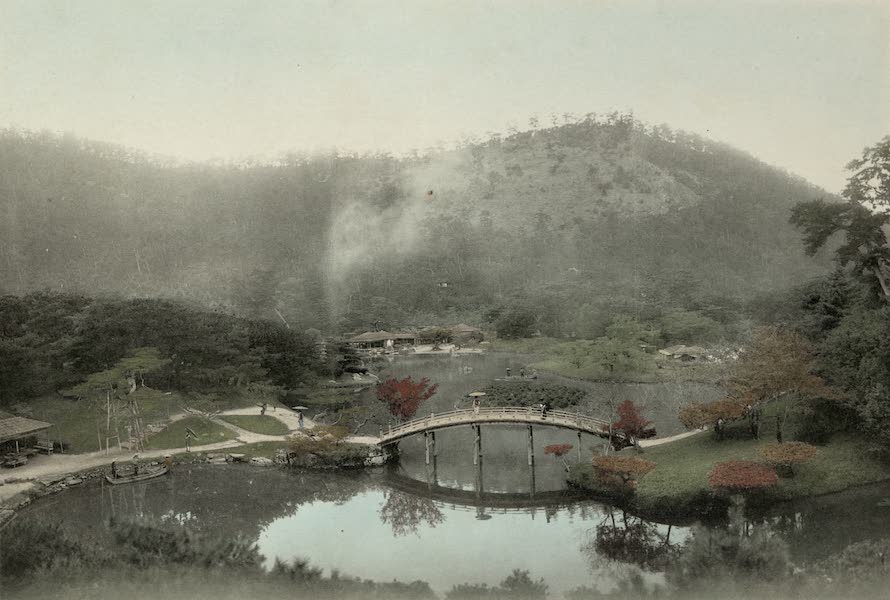 | A Typical Landscape Garden
|
 | A Typical London Demolition Scene
|
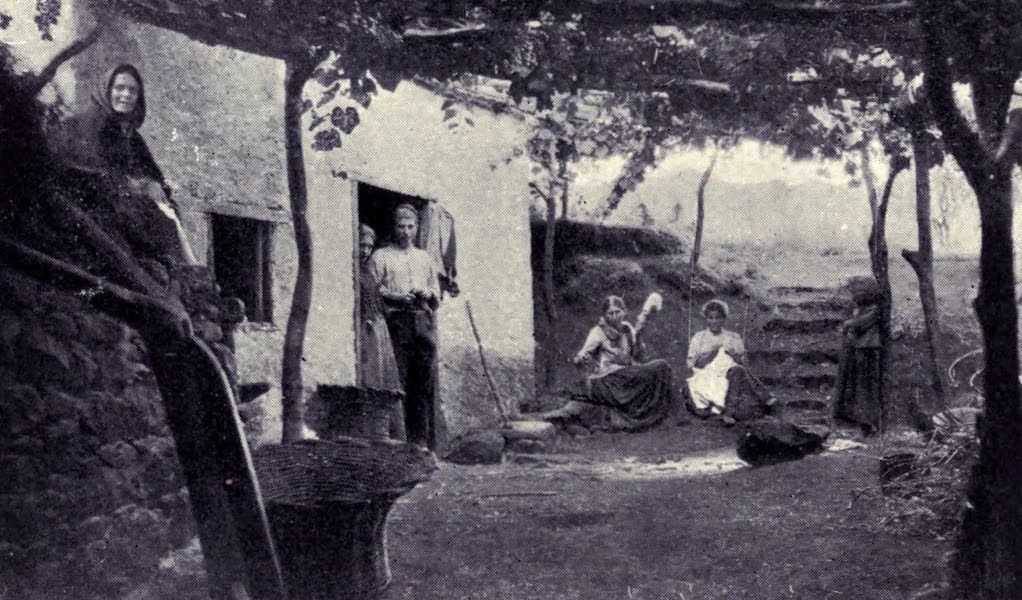 | A Typical Madeira Cottage
|
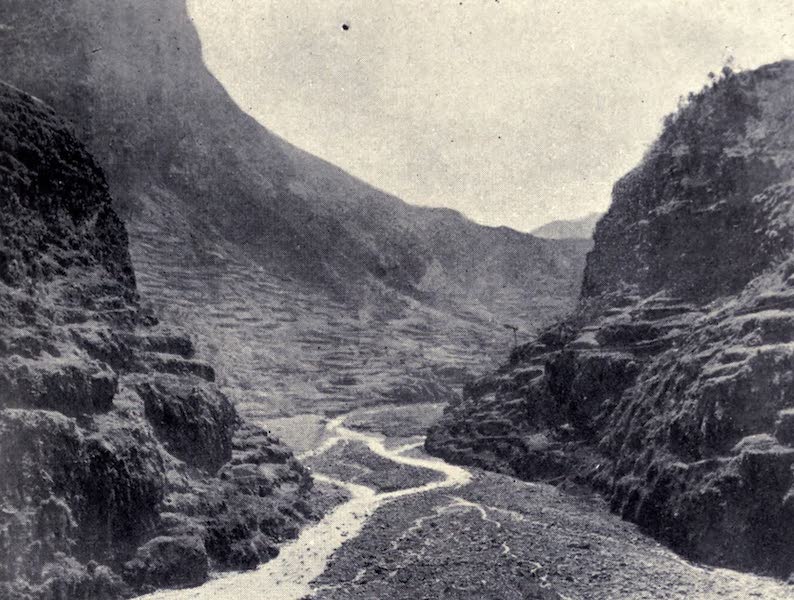 | A Typical Madeira Valley
|
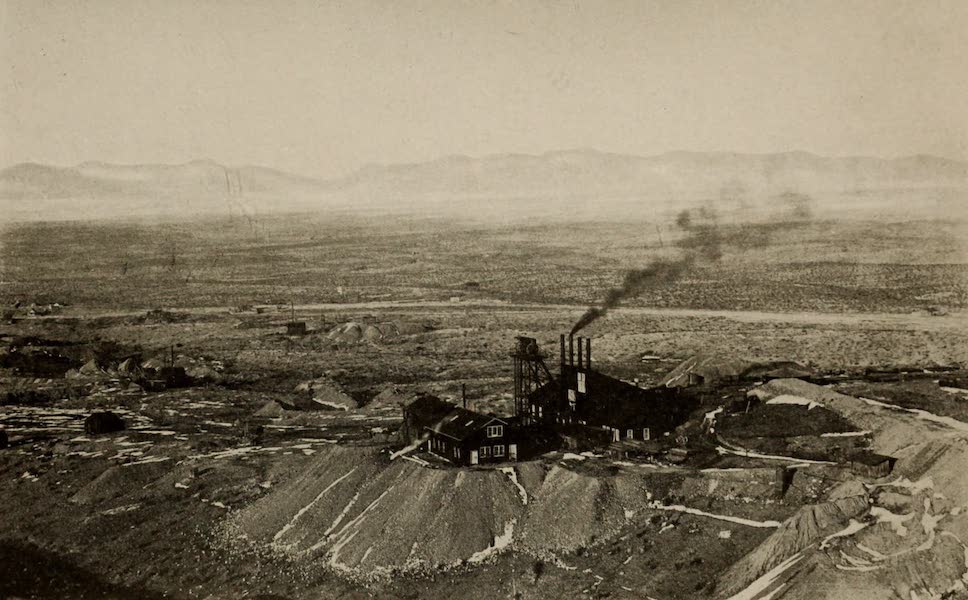 | A Typical Mining Scene, Yavapai County, Arizona
|
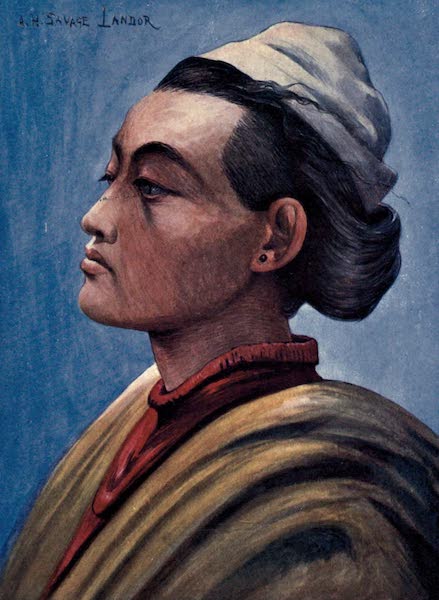 | A Typical Native of N.W. Nepal
|
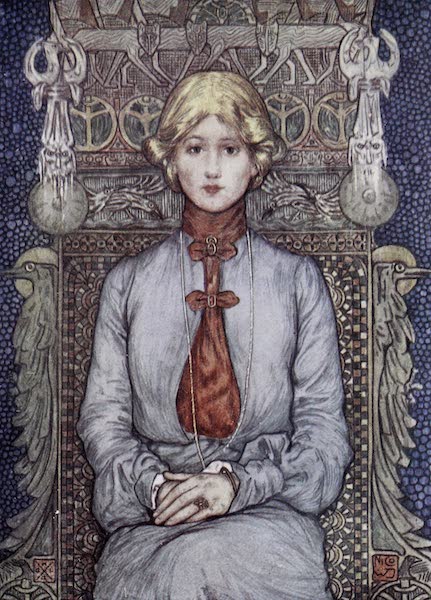 | A Typical Norwegian Maiden
|
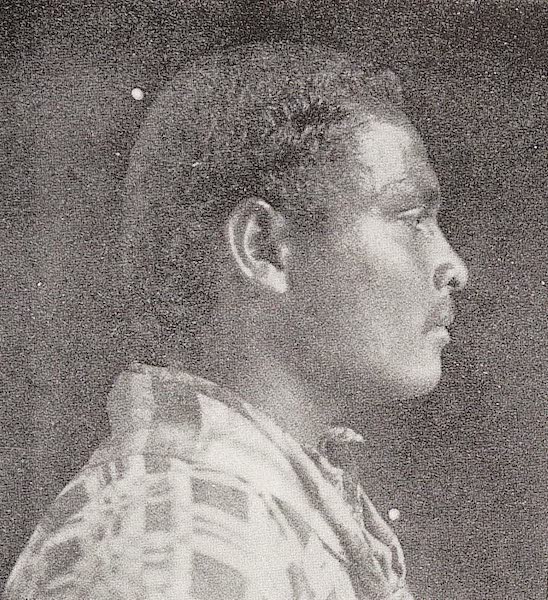 | A Typical Polynesian
|
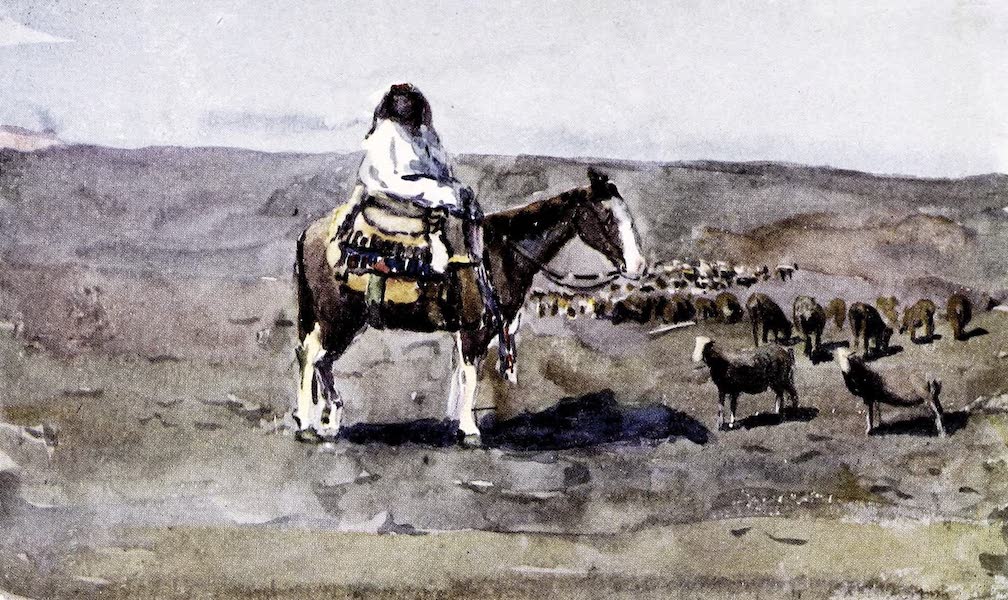 | A Typical South Argentine Gaucho Girl Seated on Her Caballo
|
 | A Typical South Argentine Gaucho Girl Seated on Her Caballo
|
 | A Typical Street in Asuncion
|
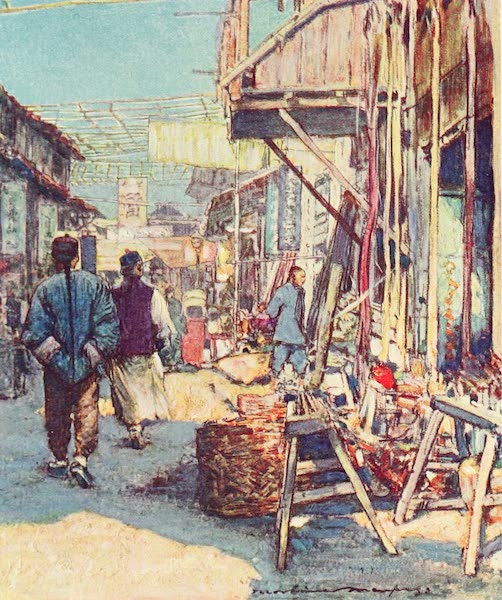 | A Typical Street Scene
|
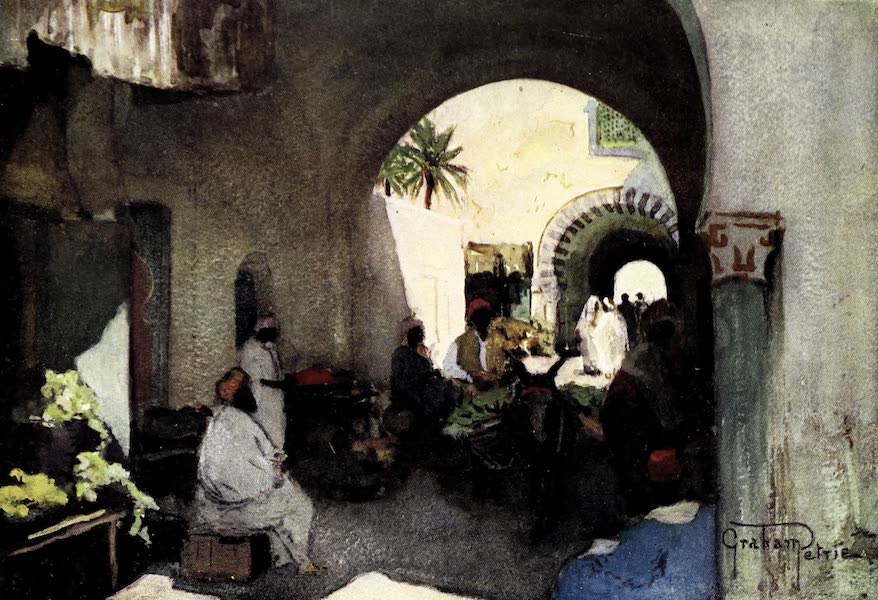 | A Typical Street, Tunis
|
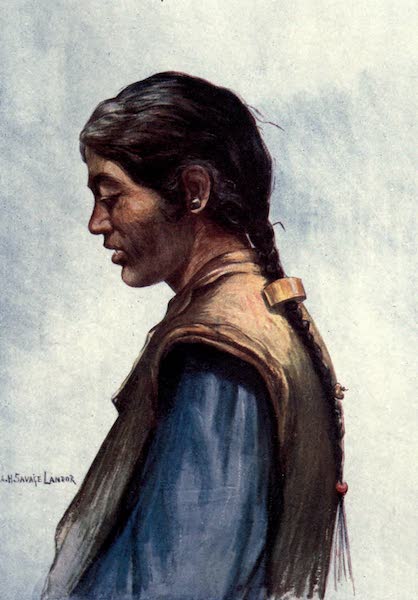 | A Typical Tibetan
|
 | A Typical Wessex Cottage
|
 | A Typical Yorkshire Farmer
|
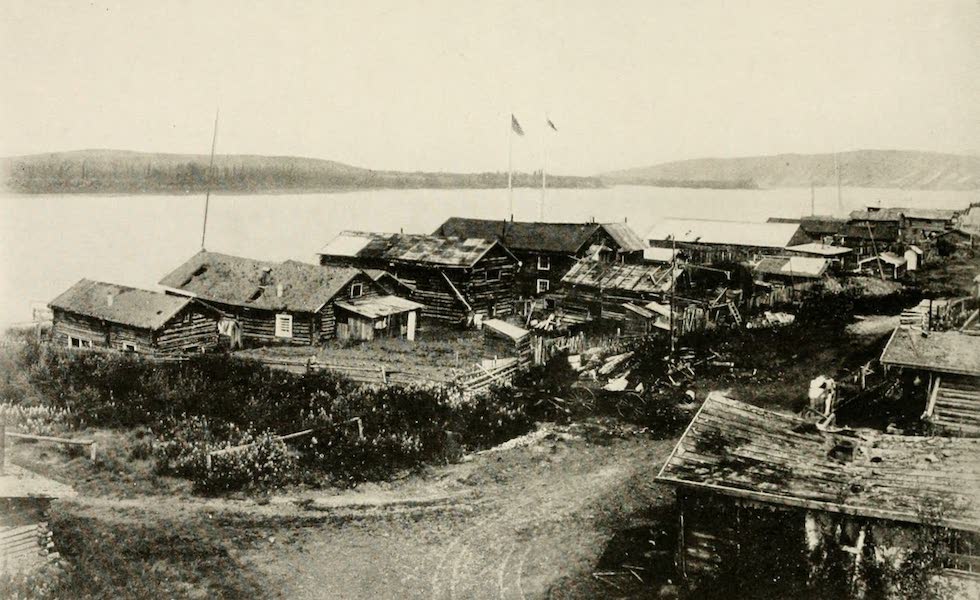 | A Typical Yukon Settlement
|
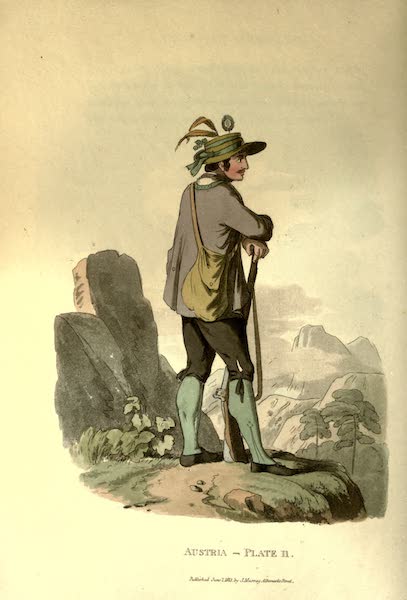 | A Tyrolian Hunter
|
 | A Tyrolian Hunter
|
 | A Tyrolian Wrestler
|
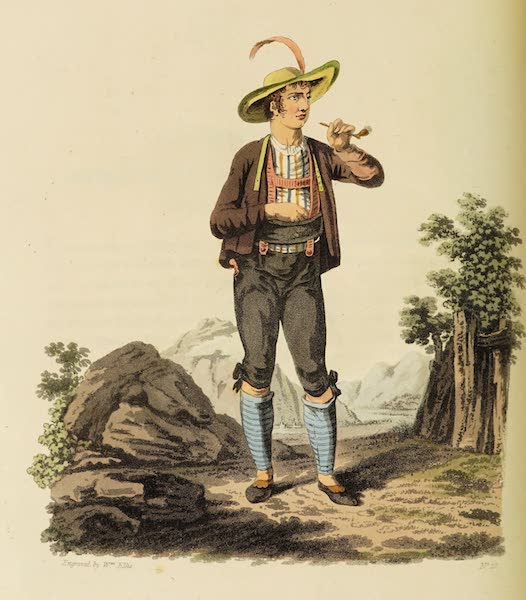 | A Tyrolian Wrestler
|
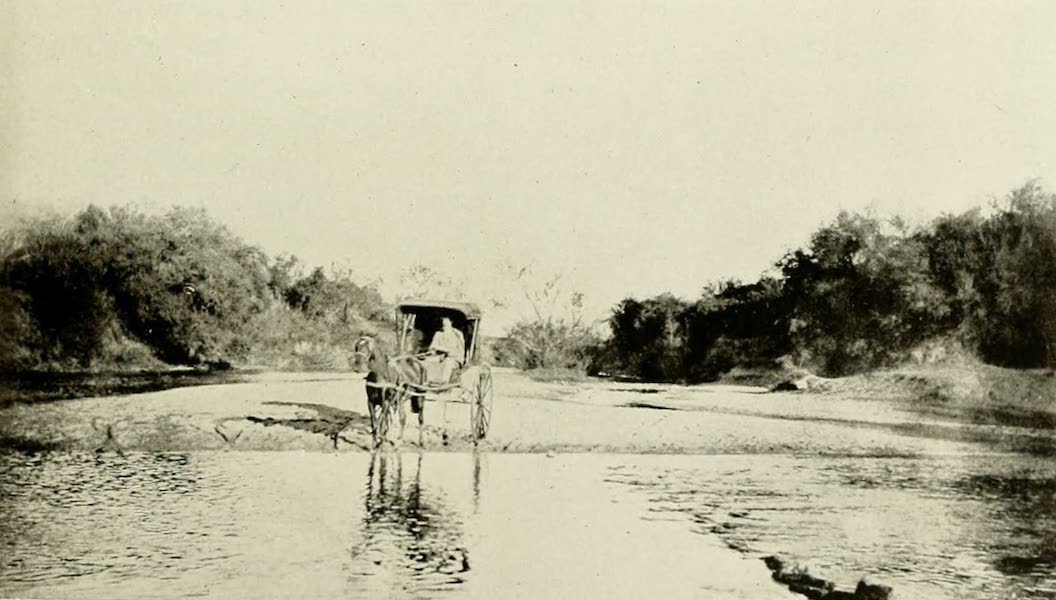 | A Uruguayan Stream
|
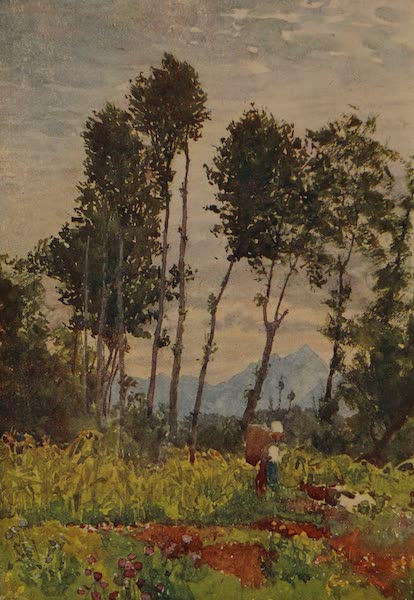 | A Valley in Piedmont
|
 | A Valley in Piedmont
|
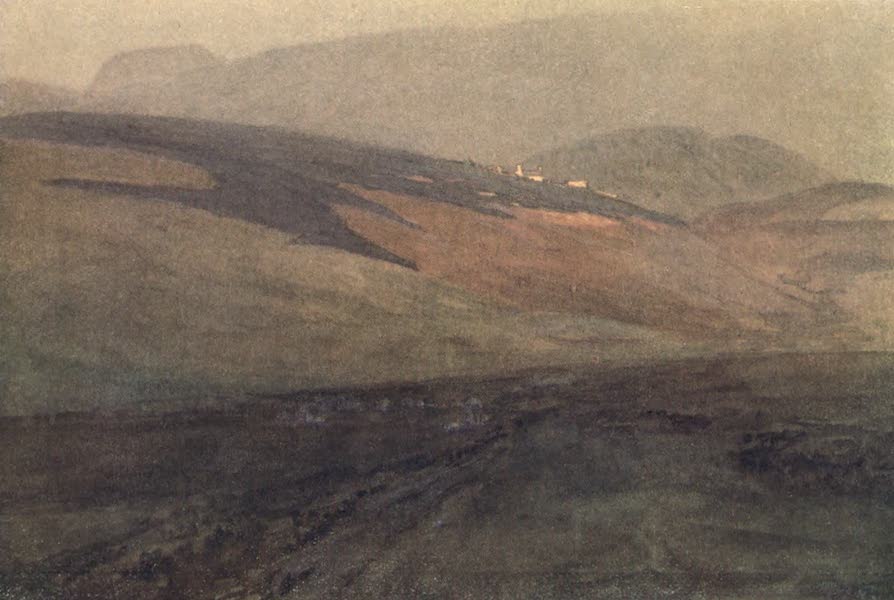 | A Valley in the Southern Hills
|
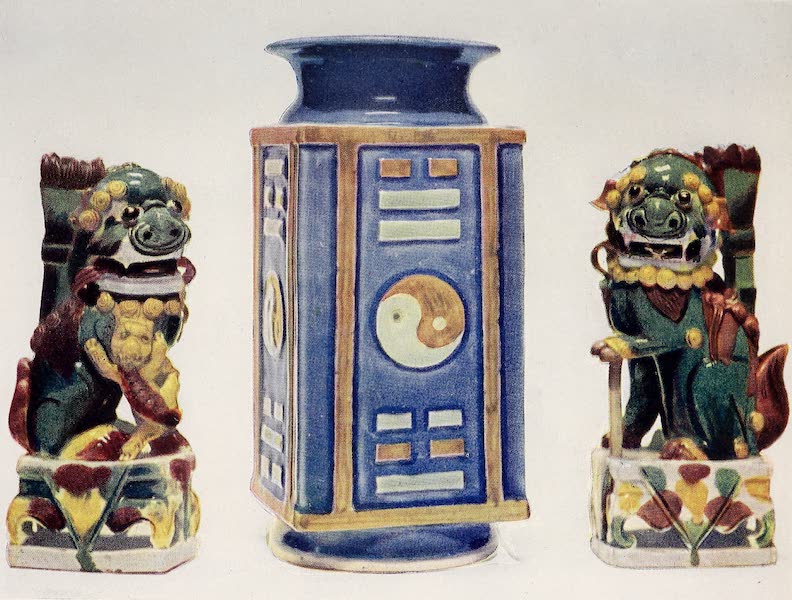 | A Vase with Symbols and the Divine Kylin
|
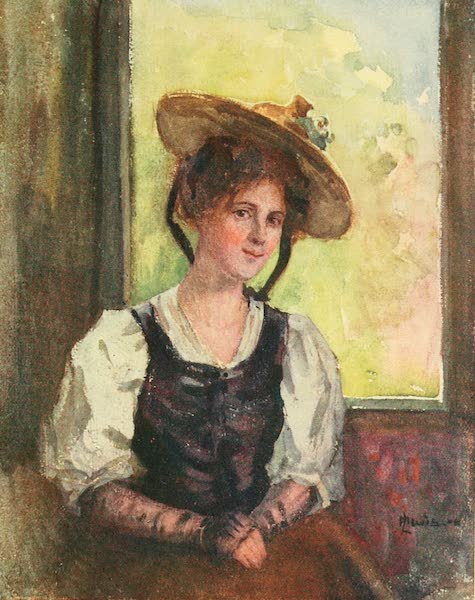 | A Vaudoise : Summer
|
 | A Vegetable Market in Brittany
|
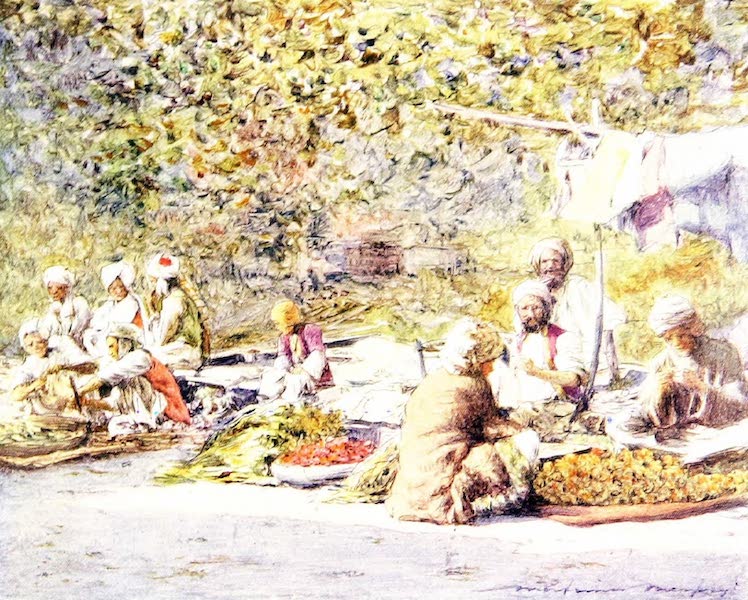 | A Vegetable Market, Peshawur
|
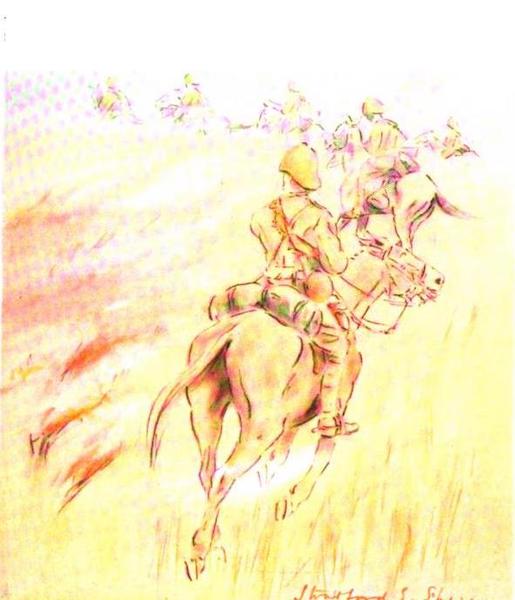 | A Veldt Fire
|
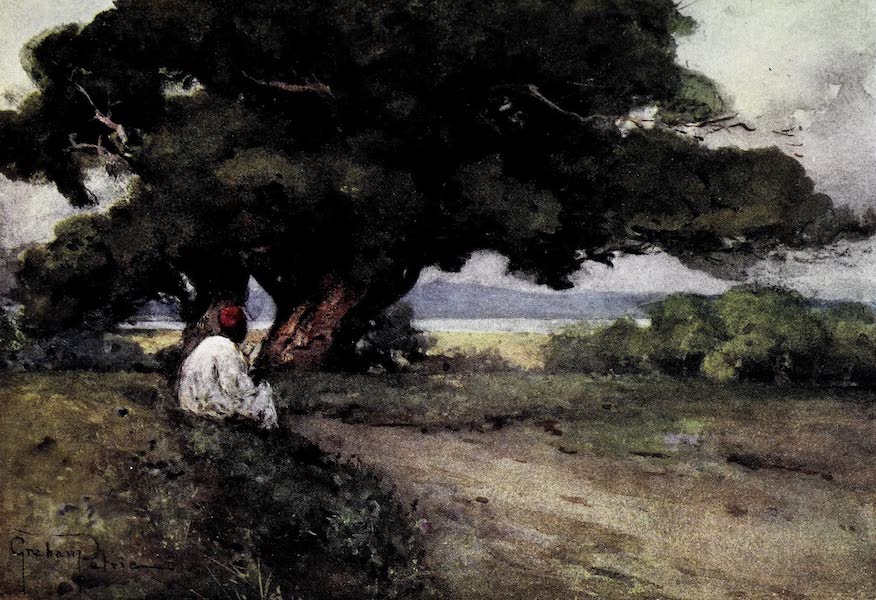 | A Venerable Tree, Maxula-Rades
|
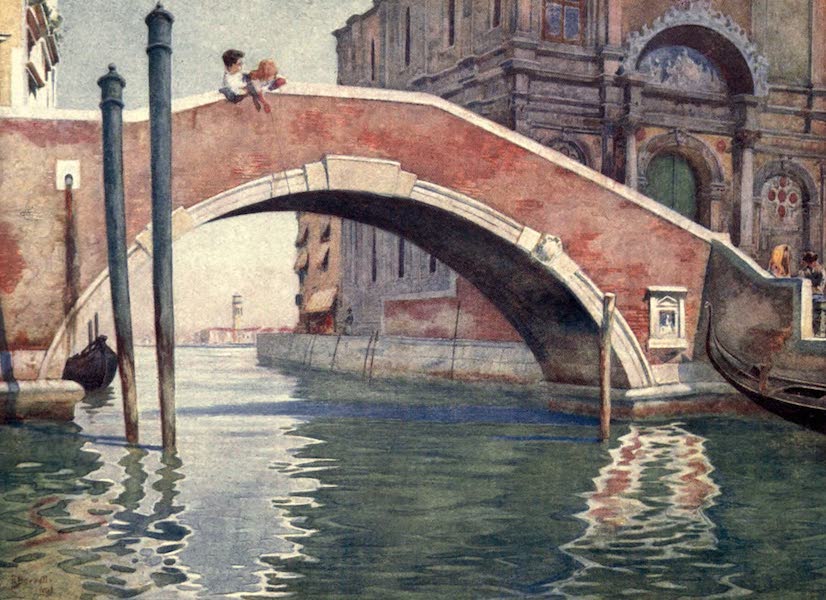 | A Venetian Bridge
|
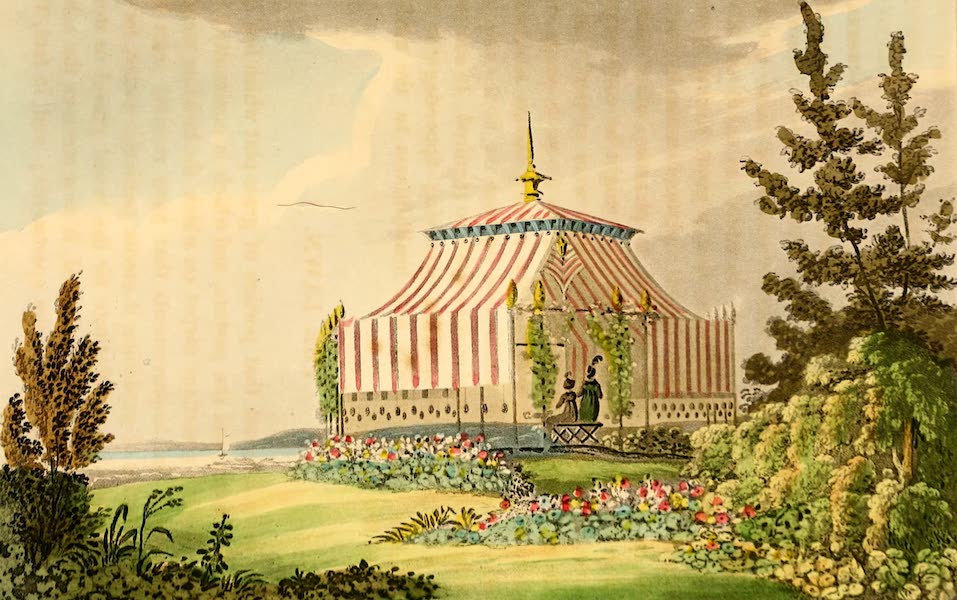 | A Venetian Tent
|
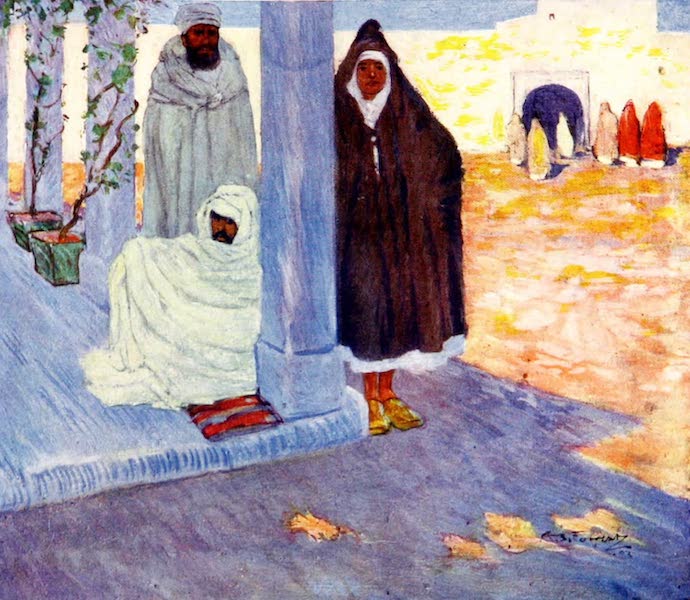 | A Veranda at Magazan
|
 | A Verandah
|
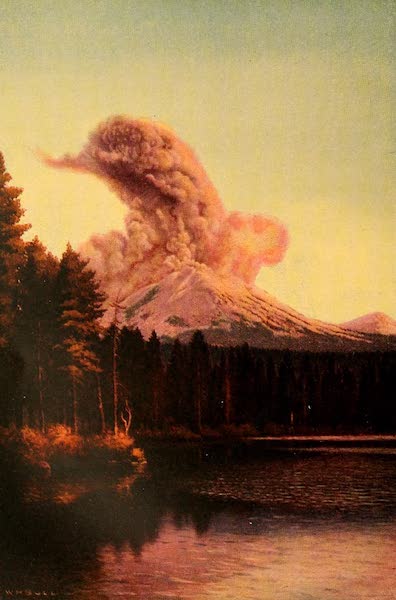 | A Vesuvius in California
|
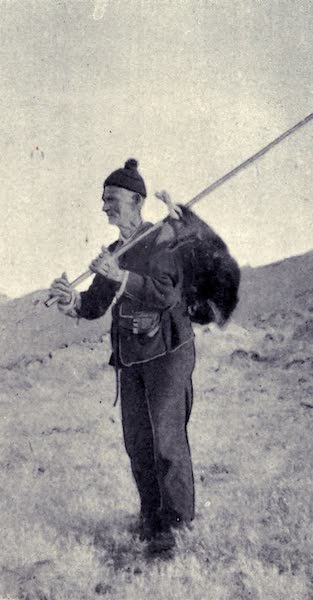 | A Veteran Beater
|
 | A Vicarage House
|
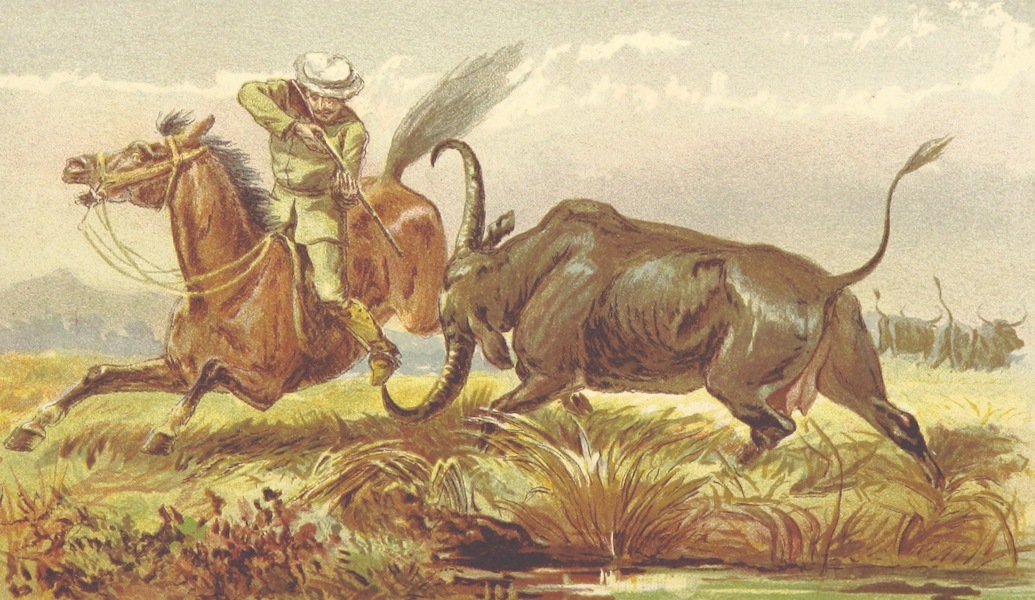 | A Vicious Cow
|
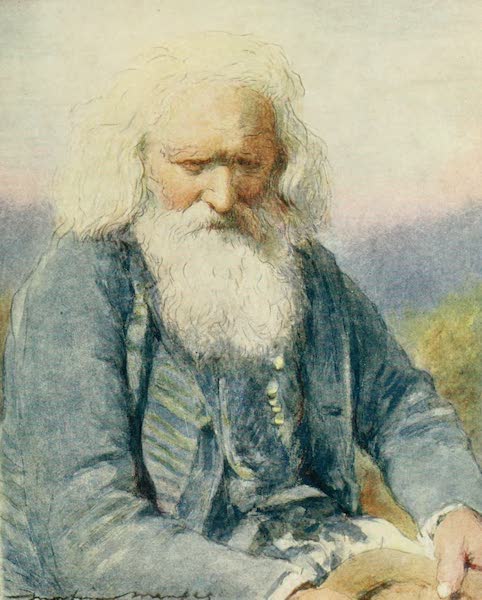 | A Vieillard
|
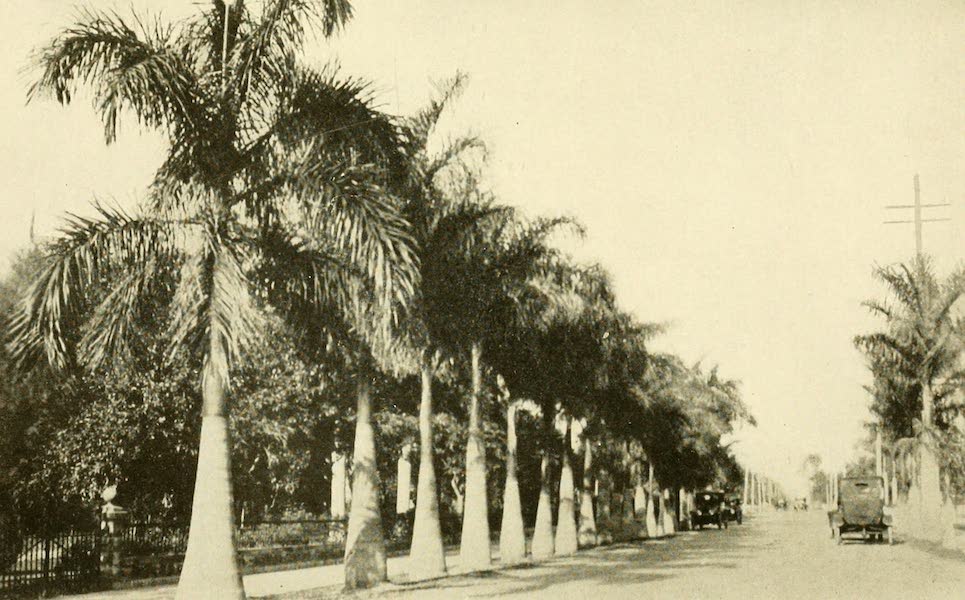 | A View at Fort Myers
|
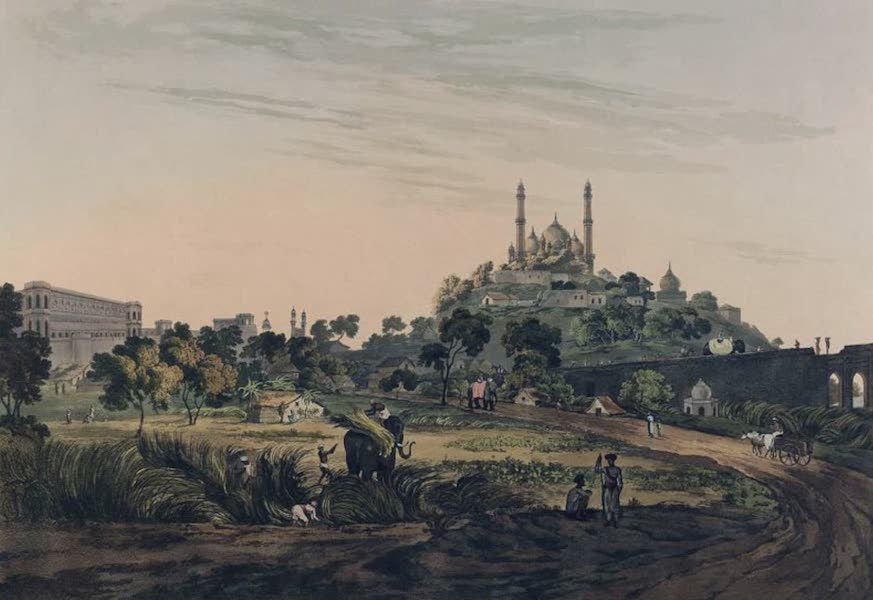 | A View at Lucknow
Lucknow, now the capital of Uttar Pradesh, was formerly the capital of the province of Oudh (Avadh). Situated on the banks of the Gomti, it had a rich cultural tradition. Salt painted this view in the time of Nawab Saadat Ali (1798-1814). George Annesley wrote: "the large building on the left is the Harem of Asof ud Dowlah where his widow now resides ... adjoining the harem, but out of sight, is a very beautiful palace, called the Sungi Dalam, built of stone, coloured red ... the high grass in the foreground is cultivated for elephants, whose principal food it is." |
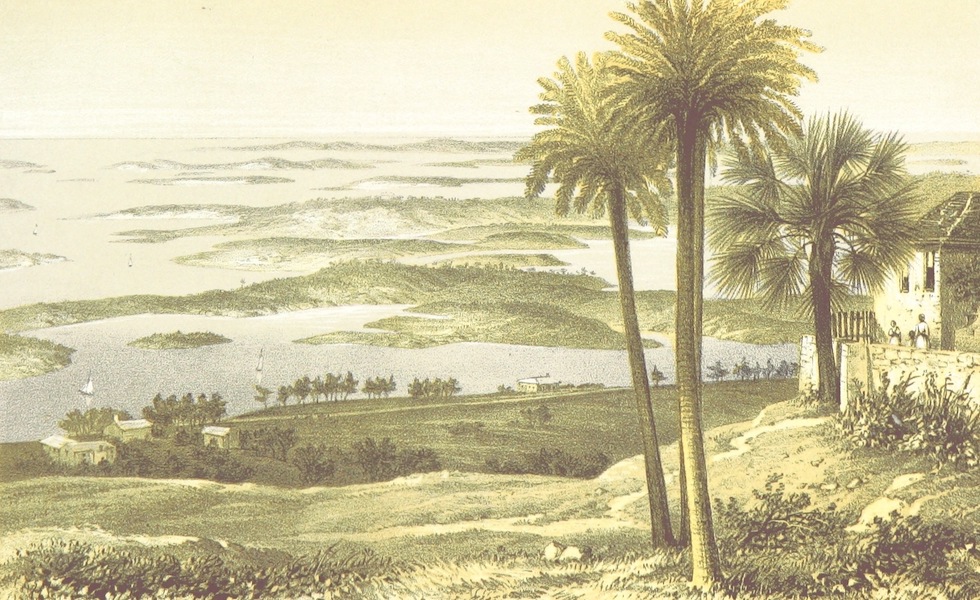 | A View from Gibbs Hill
|
 | A View from the Great Orme's Head
|
 | A View from the Hills Behind Rio
|
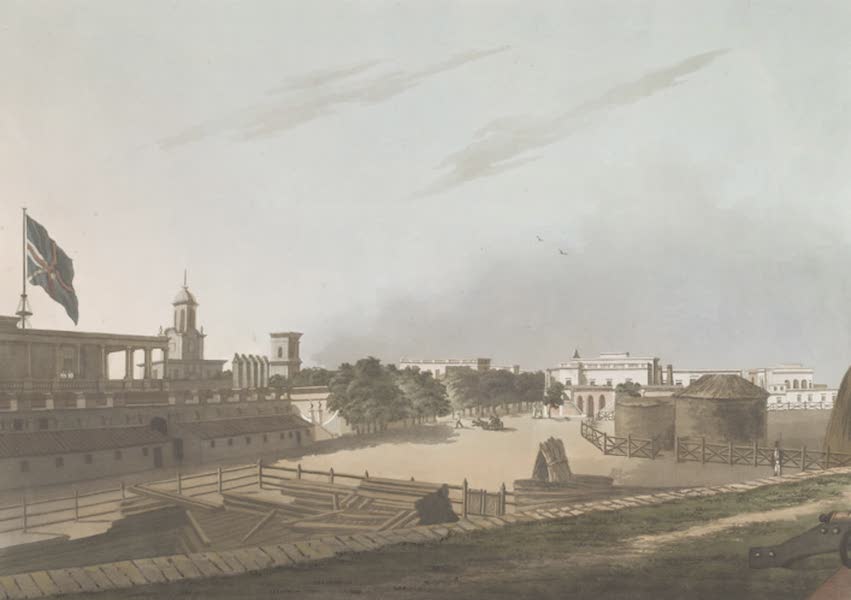 | A View from the King's Barracks, Fort St. George
Plate two from '24 Views in Indostan by William Orme'. This aquatint was prepared Richard Bankes Harraden (1778-1862) after an original by Francis Swaine Ward (1736-94). Fort St. George was established by the British East India Company in 1644, and to this day, the old fort contains a mixture of seventeenth and eighteenth century structures. The buildings in the foreground of this picture are the barracks. Behind the barracks, just to the right of the Union Jack flag, St. Mary's Church is visible. This church was built between 1678 and 1680, and is the oldest building in India associated with the Anglican Church. |
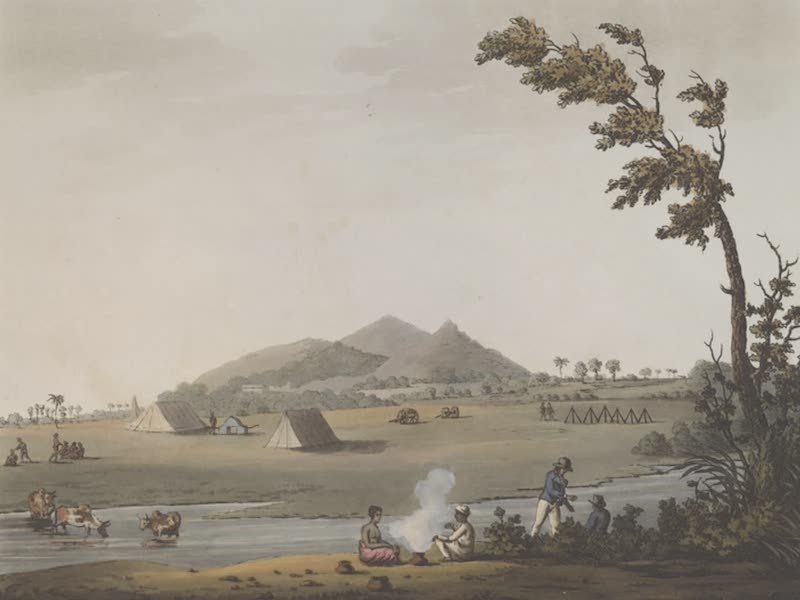 | A View from the Royal Artillery Encampment, Conditore
Plate thirty seven from 'Picturesque Scenery in the Kingdom of Mysore' by James Hunter (d.1792). This aquatint is based on a picture by Hunter depicting a Royal Artillery encampment. Hunter was a member of the Royal Artillery and many of his picture depict scenes from military life in India during the late Eighteenth Century. |
 | A View from the Royal Artillery Encampment, Conjeveram
Plate thirty six from 'Picturesque Scenery in the Kingdom of Mysore' by James Hunter. This aquatint is based on a picture by Hunter showing an army encampment in the foreground with the soaring gateways of a temple in the background. Kanchipuram is considered one of the seven most sacred cities in India, on account of the 70 or so temples scattered throughout it. The gateways in the background of this picture are probably from the Ekambareshvara Temple, the largest in Kanchipuram, which was erected in 1509 by king Krishnadeva Raya of Vijayanagara. |
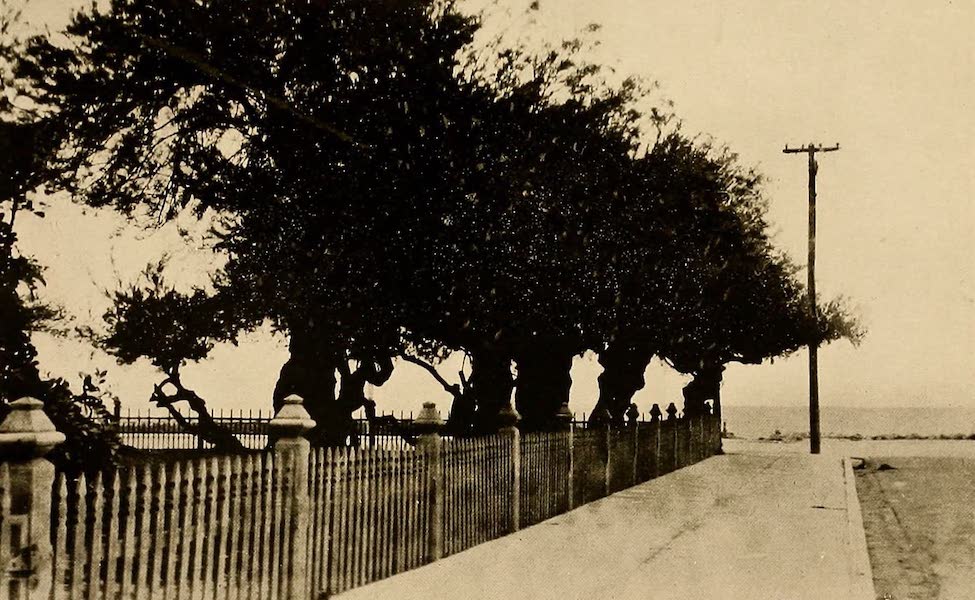 | A View in Corpus Christi
|
 | A View in the Barrah Mauhl
Plate thirty five from 'Picturesque Scenery in the Kingdom of Mysore' by James Hunter. This aquatint is based on a picture by Hunter depicting hills north-east of Salem in Tamil Nadu. This area was know by the British as Baramahal, but this name is no longer used. A mosque can be seen cradled into the lower level of the hills. |
 | A View in the Bazaar, leading to the Chitpore Road
This is plate 24 from James Baillie Fraser's 'Views of Calcutta and its Environs'. Fraser (1783-1856) arrived in Calcutta in 1814 and within six years had produced animated sketches of the busy city. The last plate in the collection is this view of the bazaar leading to the Chitpore Road, effectively the border between native and European parts of the city. Fraser wrote: "At the east end of Esplanade Row, the European quarter continued if one turned at right angles southwards down the Chowringhee Road. However, if one turned left up Cossitollah Street (named from its being the butcher's quarter originally), one began to enter the Indian city, and especially so when this road crossed the Lall Bazaar and became the Chitpore Road. The Street exhibits a bewildering mix of Indian and decaying Palladian architecture, but is very obviously a bazaar. Cossitollah Street had in it a large number of purely European businesses." |
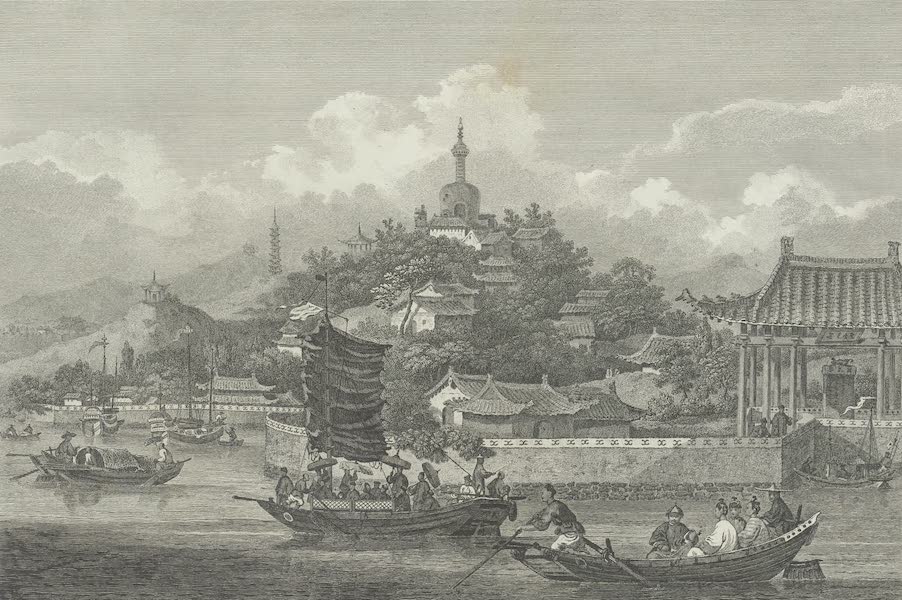 | A view in the gardens of the imperial palace of Pekin
This is an artificial mount thrown up round the palace of Pekin, and is that on which the last of the Chinese Emperors, before the accession of a Tartar family, on hearing that the usurpers had entered his capital, first hanged his daughter, and then stabbed himself. The mountains at a distance are those behind the palace of Yuen-men-yuen. |
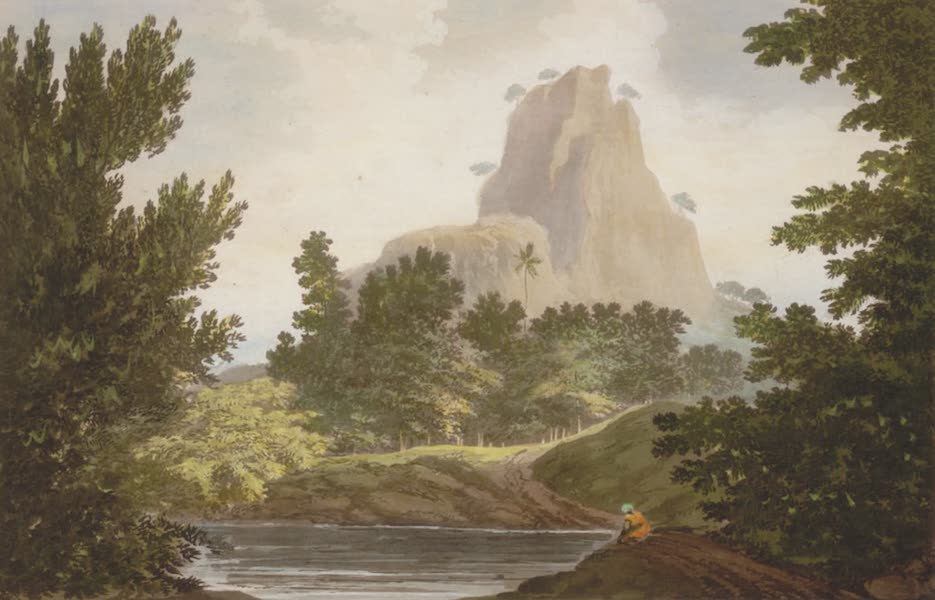 | A View in the Jungle Terry
This is plate 47 from William Hodges' book, 'Select Views in India'. In 1782 Hodges travelled into the Rajmahal Hills on the invitation of Augustus Cleveland, the revenue collector of the district, who was his good friend and patron. Hodges visited the area then known as Jungleterry, a rich green area south of Bhagalpur, describing the hills as "masses of stone piled one on another with large trees growing out of the crevices". |
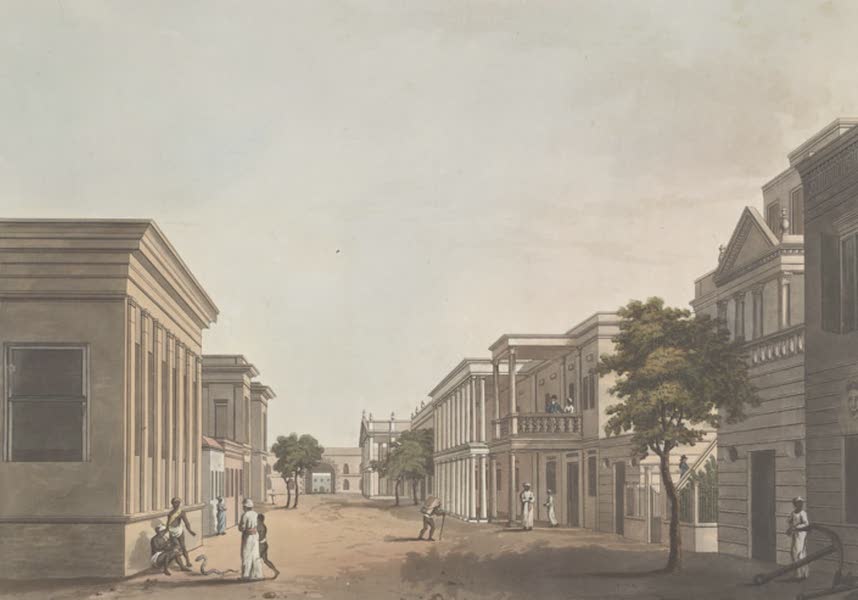 | A View in the North Street of Fort St. George
Plate four from '24 Views in Indostan by William Orme'. This aquatint is based on a picture by Francis Swaine Ward (1736-94) and represents the north street that ran through Fort Saint George, Madras (now known as Chennai), Tamil Nadu. In 1644 the British began building this fort. It served as a key trading post for the British East India Company. The Georgian style buildings represented in this picture were probably constructed between 1750 and 1783, when the fort was rebuilt according to the designs of a mathematician named Bartholomew Robbins. |
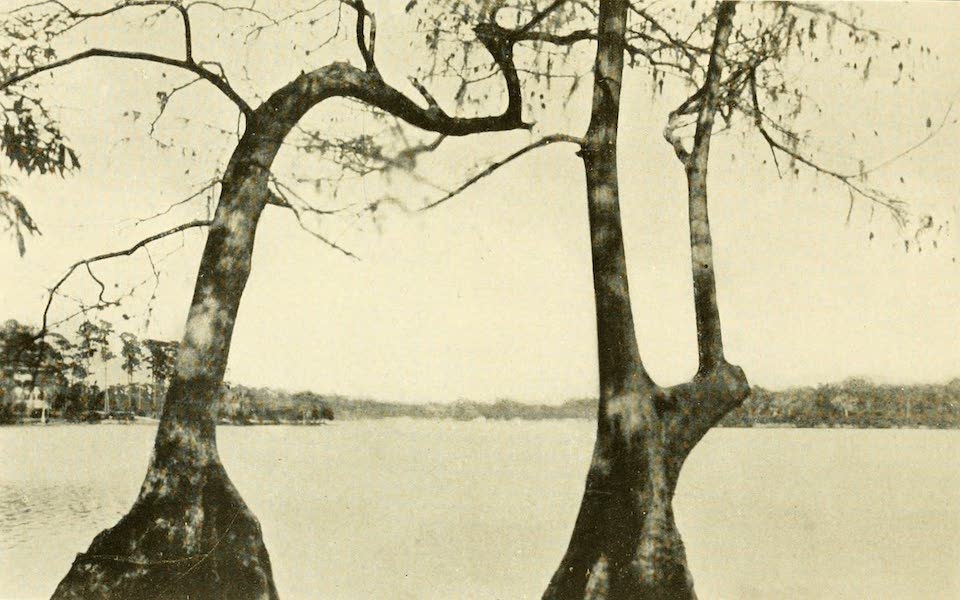 | A View in Winter Park
|
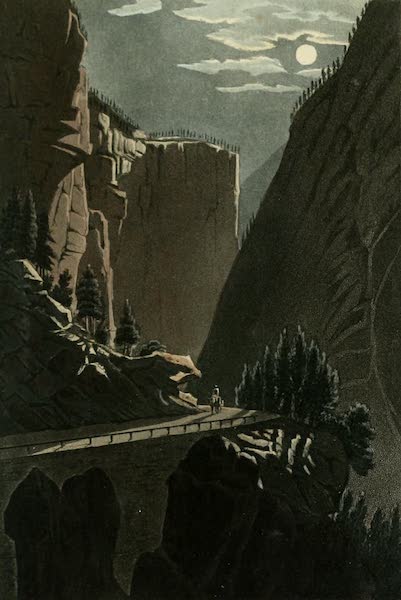 | A View Near Gondo
|
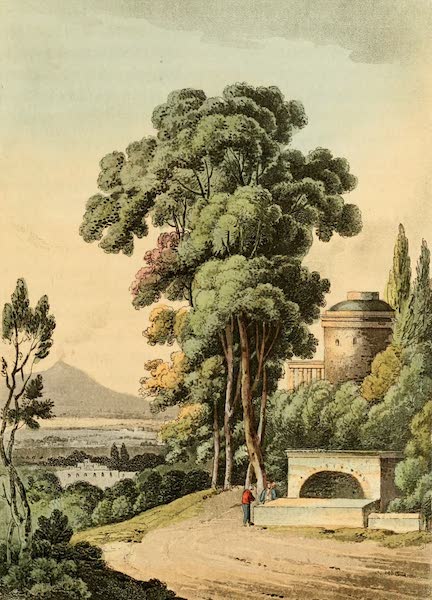 | A view near Naples
|
 | A view near the city of Lin-tsin
A view near the city of Lin-tsin, on the banks of the grand canal. The principal building in this view is a Ta, or Pagoda, as it has usually but improperly been called. These buildings generally consist of five, seven, or nine stories, and as many projecting roofs ; and their height is from four to seven of their diameters. They are never intended for places of religious worship, as the Indian term given to them seems to imply, and as has been generally imagined ; but have either been erected as monuments to the memory of some great person or event, or is merely as objects for the termination of a view ; and for this latter purpose they very frequently crown the summit of the highest hills. The buildings on each side of the plate, with pillars erected in front, are houses inhabited by public officers of the district; and the figures are groups of peasantry assembling on the banks of the canal, to see the barges of the Embassy pass. |
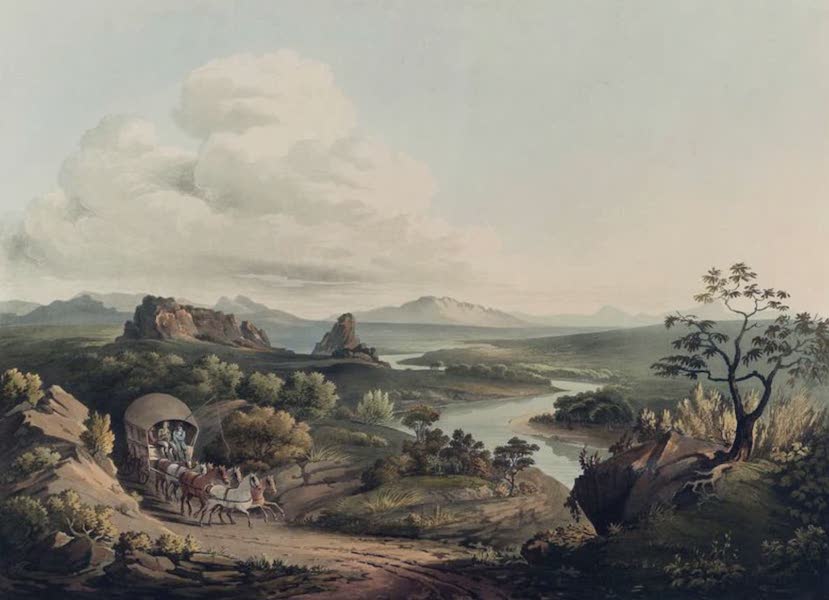 | A View near the Roode Sand Pass at the Cape of Good Hope
|
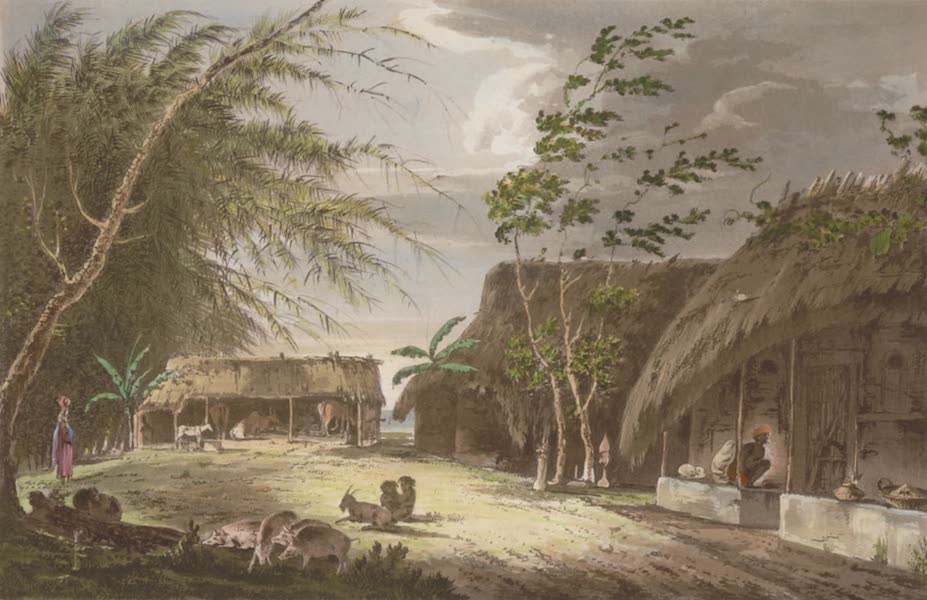 | A View of a Farm-Yard in the Kingdom of Benga
This is plate 16 from William Hodges' book 'Select Views in India'. When Hodges was in India in the 1780s, Bengal was a flourishing kingdom. Calcutta and Murshidabad were its major cities and British life was focused around these two urban centres. The countryside, however, remained the backbone of Bengali life and customs. Hodges wrote that this plate "is intended to show the manners of the common people as the others are for their cultivated arts and their historical events". |
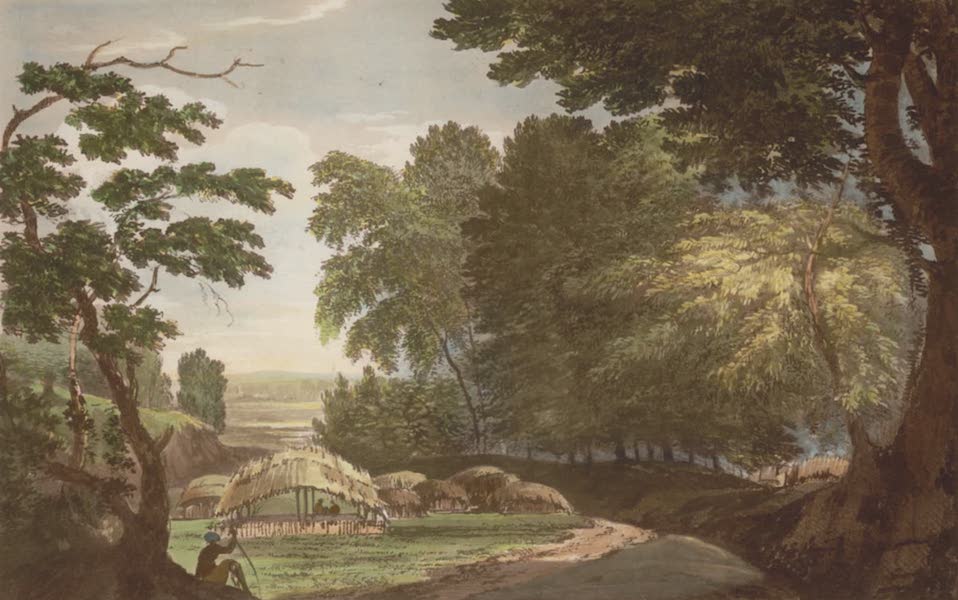 | A View of a Hill Village in the District of Baugelpoor
This is plate 25 from William Hodges' book 'Select Views in India'. This picturesque image shows a typical Bengali village near Bhagalpur, an important British military post along the River Ganges. Hodges wrote: "This view of a village in the Hills, in the Bauglepoor District, is given, as the people are wholly a distinct race of men from the Moors and the Hindoos inhabiting the plains." In 1781 Hodges met Augustus Cleveland at Bhagalpur. Cleveland become his great friend and patron. |
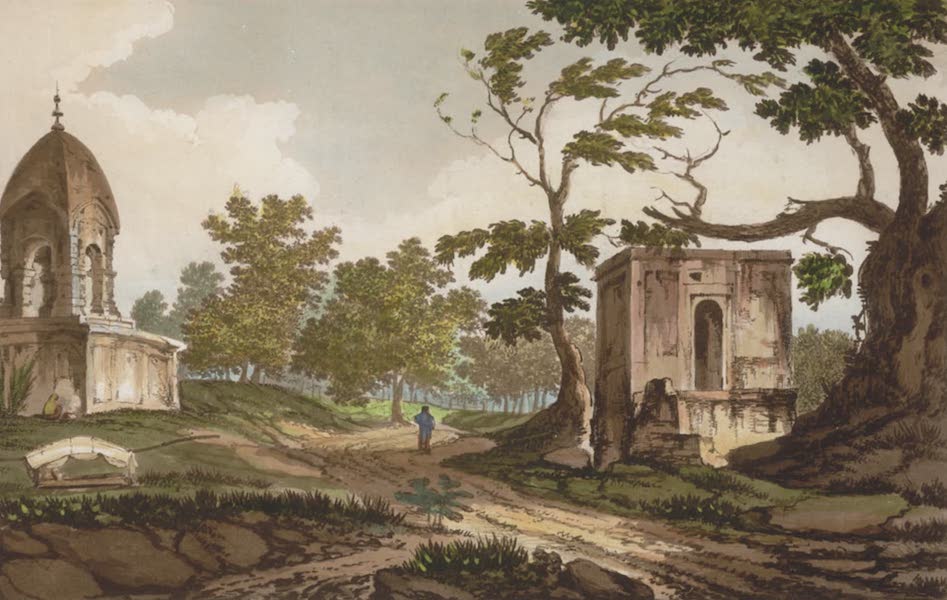 | A View of a Hindoo Monument
This is plate 48 from William Hodges' book 'Select Views in India'. Hodges went to Murshidabad in 1781, and it is likely that during this visit he came upon this cluster of monuments on the city's outskirts. They had been erected in memory of women who had performed the act of Sati, which Hodges described as "a well-known custom amongst the Hindoos, that the women, upon the death of their husbands, burn themselves on the funeral pile of the deceased". It is questionable whether the act of Sati was as "well-known" as Hodges believed. He claimed to have witnessed a Sati in October 1781 while in Varanasi, and although he was clearly fascinated by what he saw, he also expressed horror and outrage at the practice. |
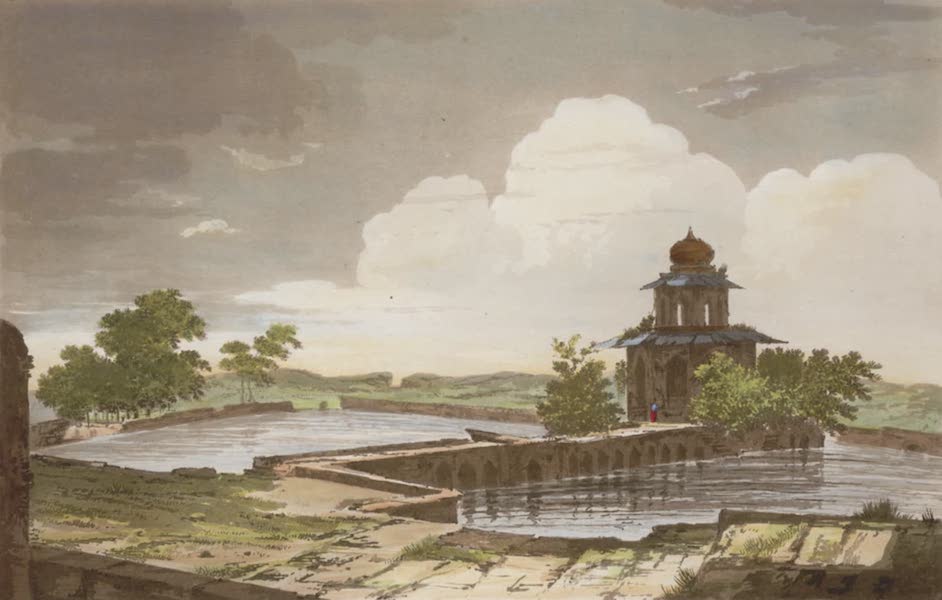 | A View of a Mausoleum at Etmadpoor
This is plate 36 from William Hodges' book 'Select Views in India'. In 1783, while venturing towards Agra, Hodges pased by a number of small towns, one of which was Etmadpur. At that place he noted a pavilion built in the centre of a tank. Hodges believed that this building was a mausoleum, but in fact, it is the Burhia ka Tal, a water palace built by Itimad Khan in the 1570s. Itimad Khan's tomb is on the edge of the tank, and is the vantage point from which this picture was made. |
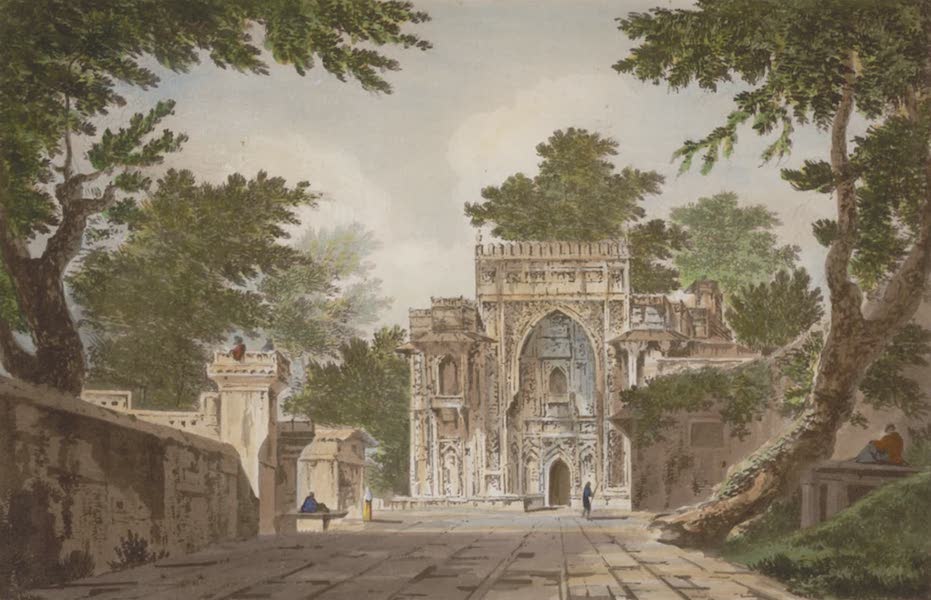 | A View of a Mosque at Chunar Gur
This is plate 19 from William Hodges' book 'Select Views in India'. Hodges arrived at Chunar in September 1781. He considered this gateway, leading to the tomb of Shah Kasim Sulaiman at Chunar, an instructive example of Islamic influence in Indian architecture. He remarked: "This view is given as a remarkable instance of the perfect similarity between the architecture of India, brought there from Persia by the descendants of Timur, and that brought into Europe by the Moors seated in Spain, and which afterwards spread itself through all the Western Parts of Europe, known by the name of Gothic architecture." |
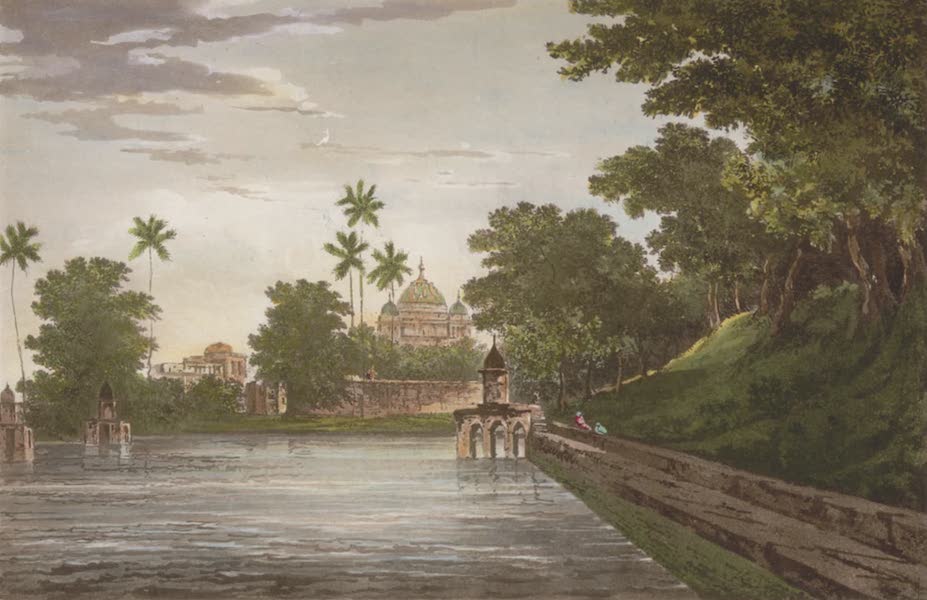 | A View of a Mosque, at Mounheer
This is plate 17 from William Hodges' 'Select Views in India'. Maner is a town on the bank of the River Son near its confluence with the Ganges. The mosque is part of a compound containing the tomb of Shah Daulat 1616, and was built by a local ruler during the reign of the Mughal emperor Jahangir (1605-27). Hodges compared it to a Gothic cathedral because the entrance featured what looked like colonettes and a pointed arch. He also found that its "majestic dome", with its inverted curve, was more pleasing to the eye than the crowning cupola popular in Europe. |
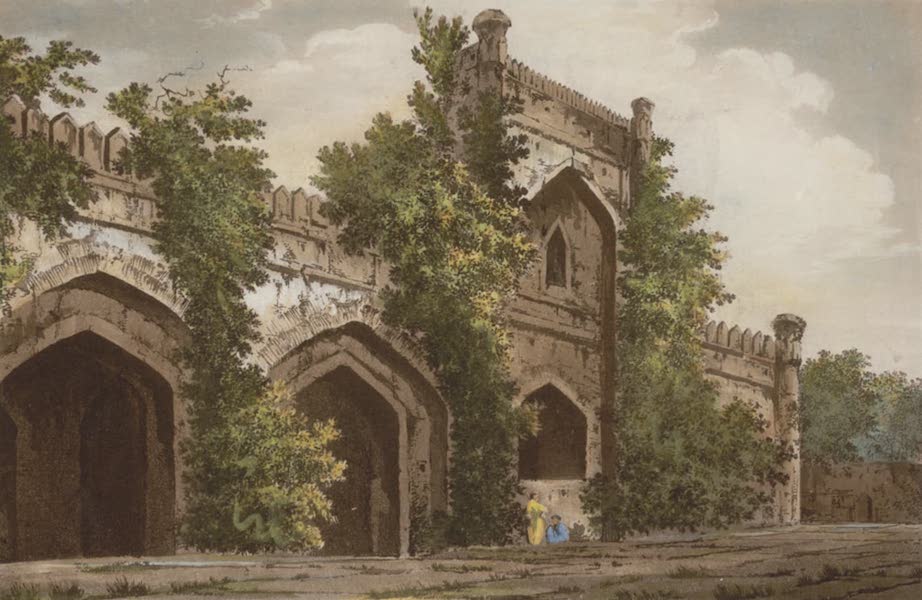 | A View of a Mosque, at Rajemahel
This is plate 14 from William Hodges' book 'Select Views in India'. Rajmahal, a small town on the west bank of the Ganges, had at various times been the capital of the eastern provinces the Mughal Empire. It had particularly flourished in the 17th century under the governorship of Shah Sujah, the third son of the Mughal Emperor, Shah Jahan. Hodges considered this mosque to be of considerable historical interest to the British, because, "on the night succeeding the battle of Odooa-Nullah the whole of the British part of the army, after the pursuit of the enemy's forces, were lodged in this building". |
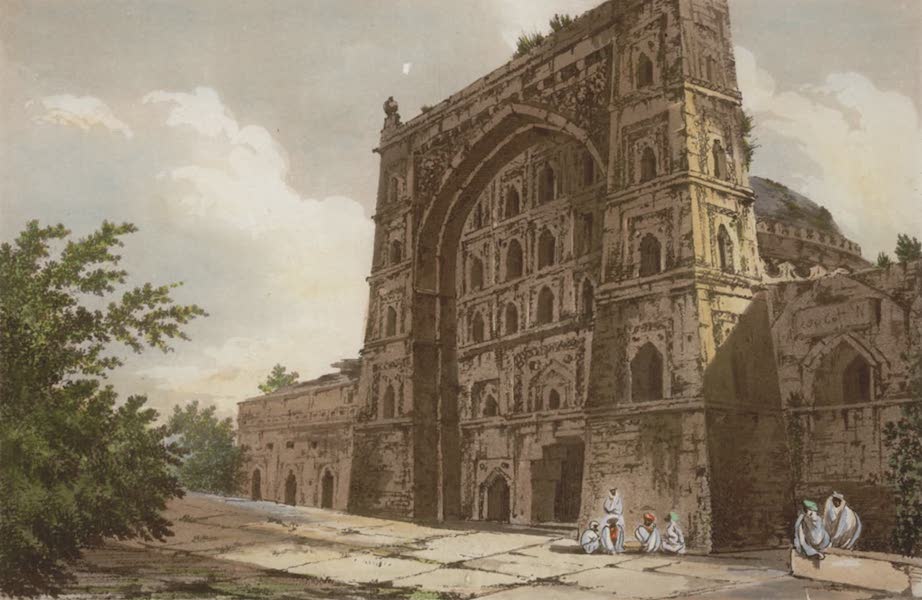 | A View of a Musjid, i.e. Tomb at Jionpoor
This is plate 13 from William Hodges' book, 'Select Views in India'. In 1783 Hodges went to Jaunpur and sketched the mosques built by the kings of the Sharqi dynasty in the 15th century. This picture shows the entrance gateway to the Atala Mosque, which was built in 1408, making it the earliest of all the Sharqi buildings at Jaunpur. The arched entrance to the Atala mosque is over 22 metres high. Along with the arch of the Friday Mosque at Jaunpur, it is the highest in India. |
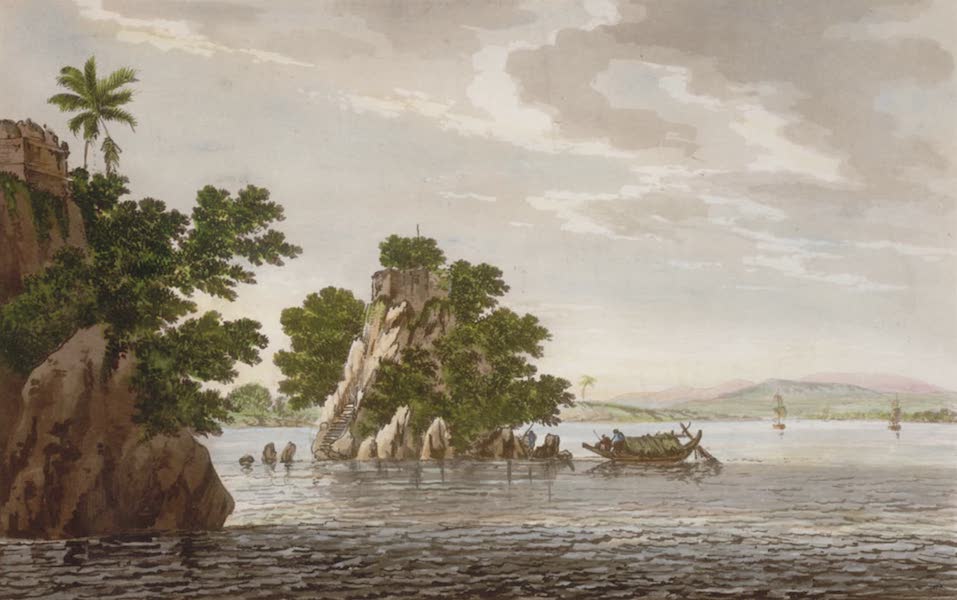 | A View of an Insulated Rock, in the River Ganges at Jangerah
This is plate 32 from William Hodges' book 'Select Views in India'. There are two large granite rocks along the Ganges near Sultanganj, the larger of which projects into the river and is cut off from the bank at high tide. At the time of Hodges' visit, the rock projecting out of the river was "a small hermitage for a Hindoo Fakir". Hodges wrote: "this rock is always considered a place of sanctity, having upon it a small temple of the Hindoos, and on many parts of the rock an imperfect representation in sculpture of some of the Hindoo deities." |
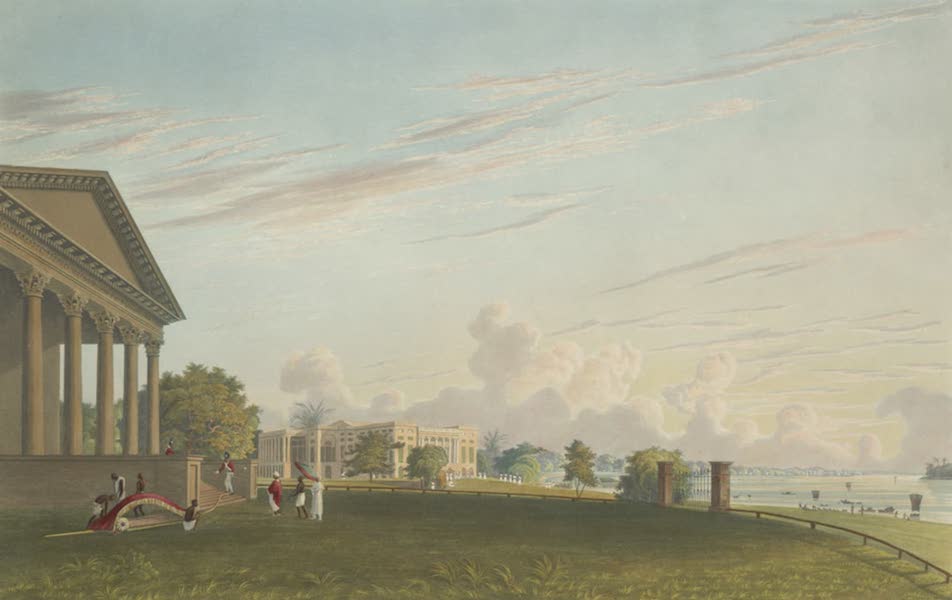 | A View of Barrackpore House, with the Reach of the River
This is plate ten from James Baillie Fraser's 'Views of Calcutta and its Environs'. Fraser (1783-1856) arrived in Calcutta in 1814 and in six years had produced animated sketches of the busy city. The collection includes two views at Barrackpore. This one shows a house that "the Marquess of Hastings had greatly extended, adding in 1814-15 a whole new storey". In 1801 Marquess Wellesley had taken over as the Commander-in-Chief of the Army's residence at Barrackpore, 14 miles from Calcutta. He built Barrackpore House as a residence for future governors-general. On the left is the Memorial Hall, or Temple of Fame, a memorial to French and Dutch soldiers those who had died in the conquests of Mauritius and Java during the Napoleonic Wars. |
 | A View of Ben Eim
|
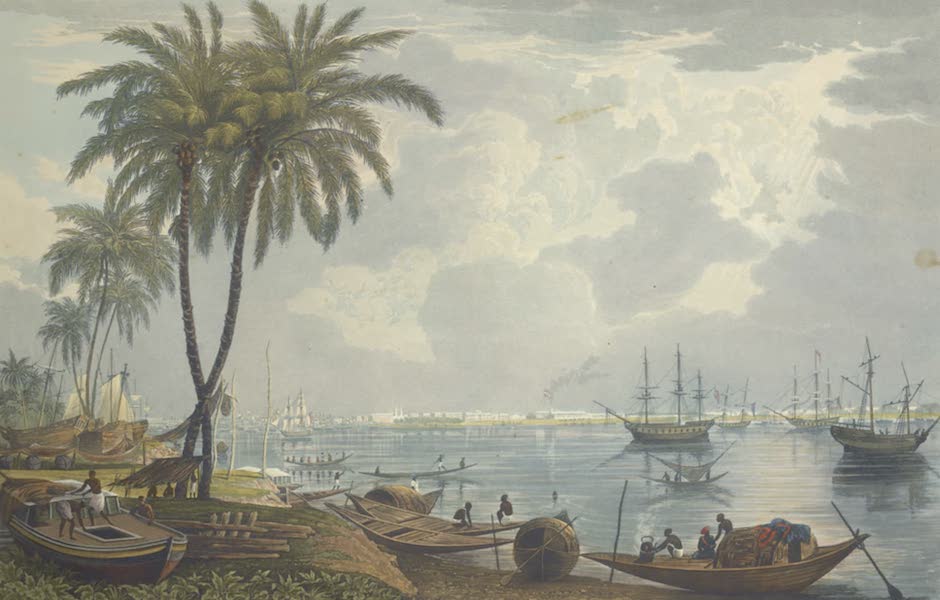 | A View of Calcutta from a Point opposite to Kidderpore
Plate twenty from James Baillie Fraser's 'Views of Calcutta and its Environs'. Fraser (1783-1856) arrived in Calcutta in 1814 and in six years had produced these animated sketches of the busy city. He included in his collection two lovely views of the river. This one was taken from Shalimar Point opposite Kidderpore, "where the river bends round to the west. Here Colonel Robert Kyd, who persuaded the Company in 1786 to establish the great Botanic Gardens just downriver at Sibpur, and who became their first Superintendent built his famous domed house called Shalimar From here Fort William occupies the centre of the composition with the buildings of Esplanade Row and Chowringhee Road spread around it." |
 | A View of Chandpal Ghat
This is plate 1 from James Baillie Fraser's 'Views of Calcutta and its Environs'. Fraser (1783-1856) arrived in Calcutta in 1814 and in six years had produced these animated sketches of the busy city. This first plate in the collection extends from the west end of the city, where Esplanade Row meets the River Hooghly. It was the main landing place for visitors to the city and "fast-growing and squalid, largely owing to the presence of a tank [reservoir]". The chunam-covered buildings, shining brightly in the sunshine, as here, were an exciting introduction to the city. |
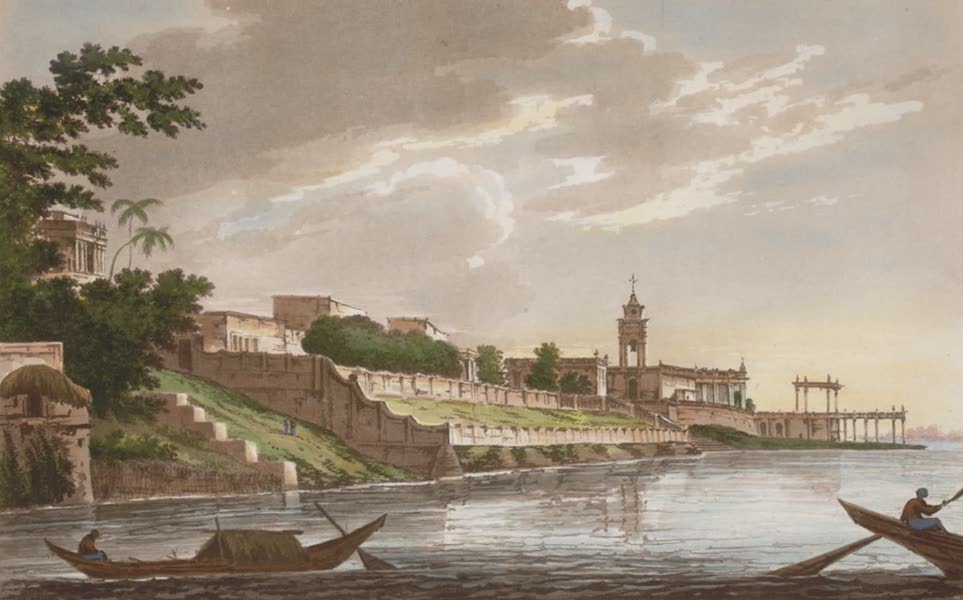 | A View of Chinsura the Dutch settlement in Bengal
This is plate 28 from William Hodges' 'Select Views in India'. Hodges travelled past the Dutch settlement at Chinsura during his 1781/82 tour of Bengal. Located on the west bank of the river Bhagirathi in West Bengal, Chinsura had been settled by the Dutch in the previous century. Hodges wrote: "This is the residence of the Dutch Governor and his Council. There is a fort and within that the factories of the Dutch East-India Company in this part of India. Chiunsura is remarkable for the pleasantness of its situation and its healthiness." |
 | A view of Dawe's Battery at the entrance of Sydney Cove, New South Wales
|
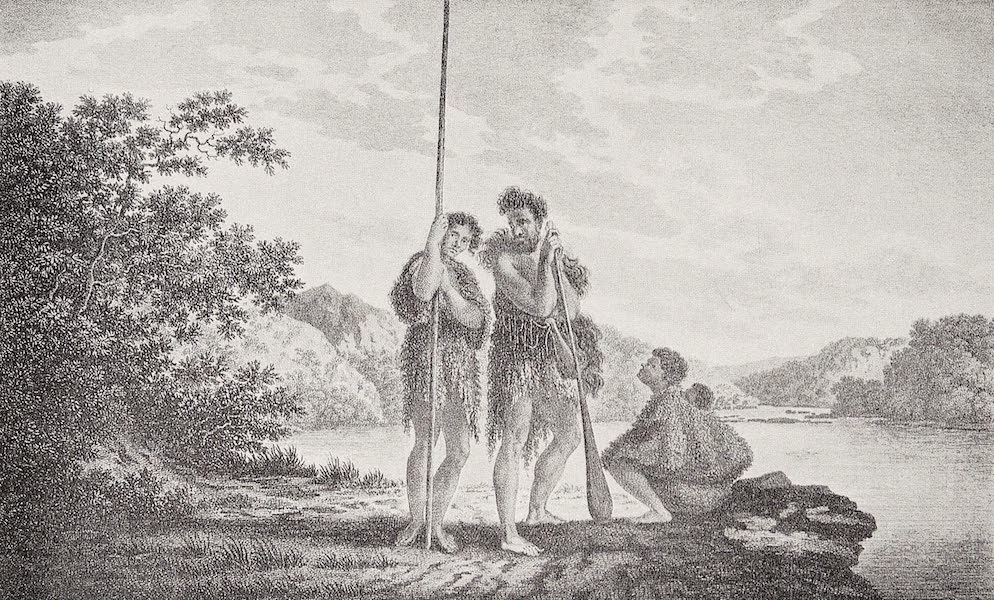 | A View of Dusky Bay one the Great South Island of New Zealand with a Moari Family
|
 | A View of Elsineur Castle from Hemlet's Garden
|
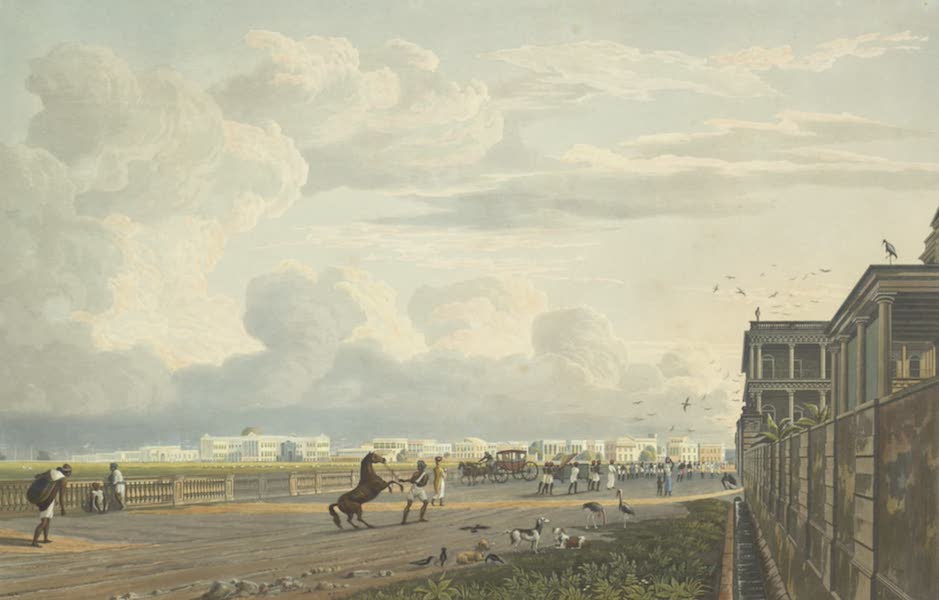 | A View of Esplanade Row, from the Chouringhee Road
This is plate 2 from James Baillie Fraser's 'Views of Calcutta and its Environs'. Fraser (1783-1856) arrived in Calcutta in 1814 and in six years produced these animated sketches of the busy city. Chowringhee Road, now Jawarhalal Nehru Road, was the main north-south road through the city, and also the main settlement for the British in Calcutta at the time. The road runs for two miles along the Maidan, a wide, grassy open space. |
 | A View of Esplanade Row, from the Reservoir at Chandpal Ghat
This is plate 5 from James Baillie Fraser's 'Views of Calcutta and its Environs'. Fraser (1783-1856) arrived in Calcutta in 1814 and in six years had produced these animated sketches of the busy city. This view shows Esplanade Row from the vantage point of the Tank, or reservoir, which had been built at Chandpaul Ghat. The buildings shown are the Supreme Court of Calcutta and new town hall, with Government House in the distance, its southern gateways crossing Esplanade Row. |
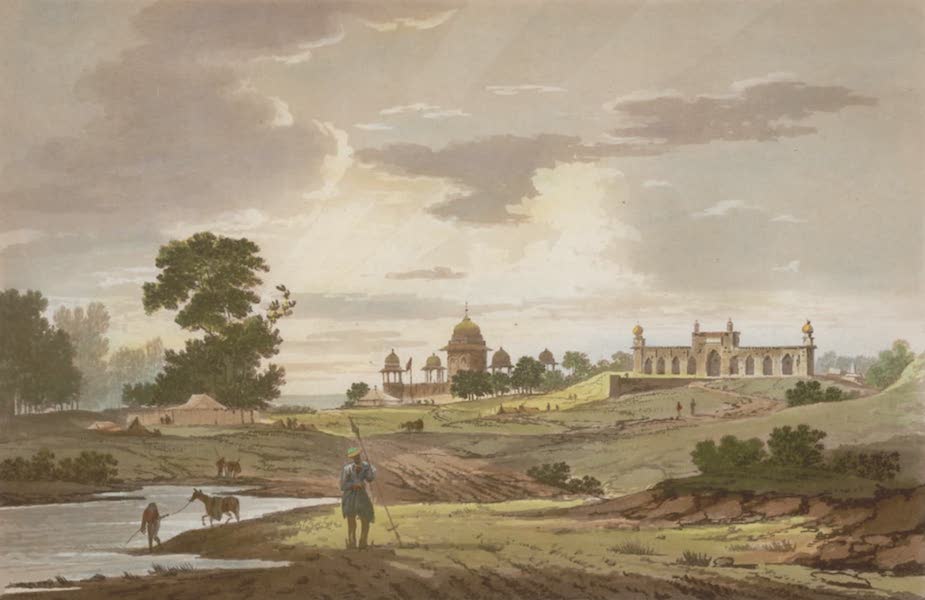 | A View of Firozeabad
This is plate 42 from William Hodges' 'Select Views in India'. Built around 1354 by Firoz Shah Tugluq, Firozabad is today regarded as the eighth of the 12 cities of Delhi. At the time of Hodges' visit in the 1780s, it was little more than a village. Hodges' friend and fellow artist, William Princep describes this view as follows: "The principal building is a tomb, of very modern construction; and that to the right of the tomb is a building from whence the Mollahs, i.e. Mahometan Priests, read and explain passages of the Kohran to the People." |
 | A view of Fusy - Yama (from a Japanese drawing)
|
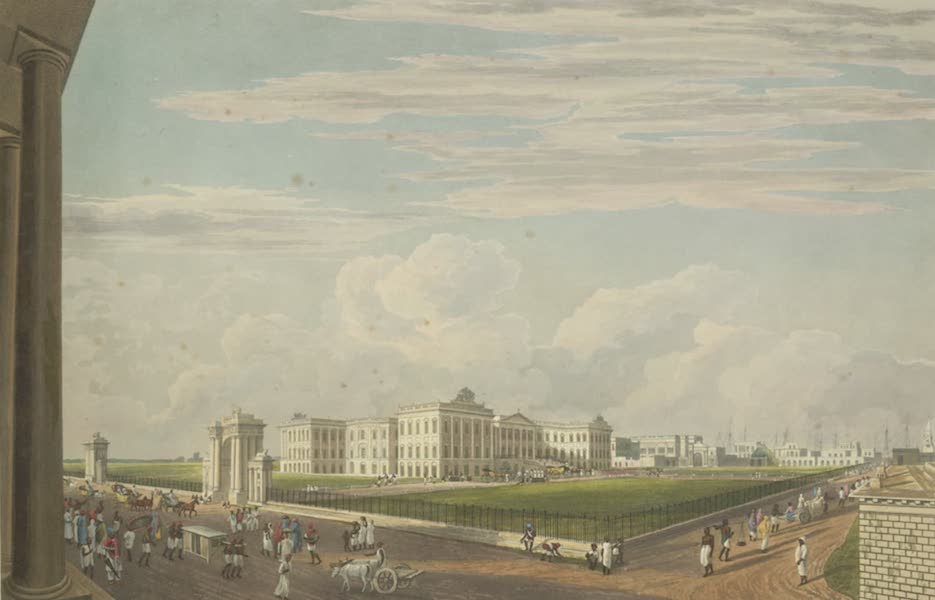 | A View of Government House, from the Court House Street, taken from the House of Johnson & Co.
This is plate 9 from James Baillie Fraser's 'Views of Calcutta and its Environs'. Fraser (1783-1856) arrived in Calcutta in 1814 and in six years produced these animated sketches of the busy. He devotes three views in the collection to the Government House, all of them taken along its eastern side. This view "from the north-east," writes Fraser, was "taken from the premises of Johnson and Company in Old Court House Street, shows the north front and the northern wings crowned with the Company's coat-of-arms". He draws the Governor General Lord Hastings "about to set off for a drive, as his carriage and bodyguard await him". The grounds are "surrounded by an iron railing upon a plinth interrupted by four triumphal gateways at both ends of the carriageways running across the north and south facades of the building. Beyond the far gateway of Government House, we can see part of the Treasury building in Council House Street, and the east wall of the Town Hall". |
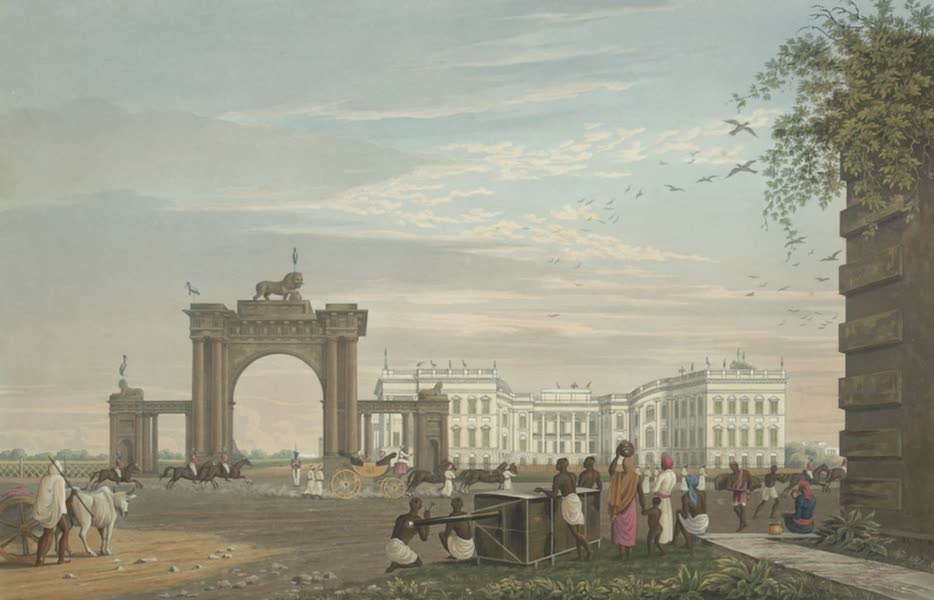 | A View of Government House, from the Eastward
This is plate 3 from James Baillie Fraser's 'Views of Calcutta and its Environs'. Fraser (1783-1856) arrived in Calcutta in 1814 and in six years produced these animated sketches of the busy city. He devotes three views in his collection to the Government House, all of them taken along its eastern side. Government House was built by Marquess Wellesley, who had became Governor General in 1798. The architect Captain Charles Wyatt based his design on that of Kedleston Hall in Derbyshire, but with modifications dictated by the climate. In this view, one of the gateways is shown in all its magnificence: "the main arch crowned by a lion and the side gates by sphinxes, while in front passes Lord Hastings' carriage procession, preceded by his silver-stick and mace bearers and followed by memebers of his bodyguard." Along the roof of Government House large Adjutant birds can be seen standing stiffly to attention. |
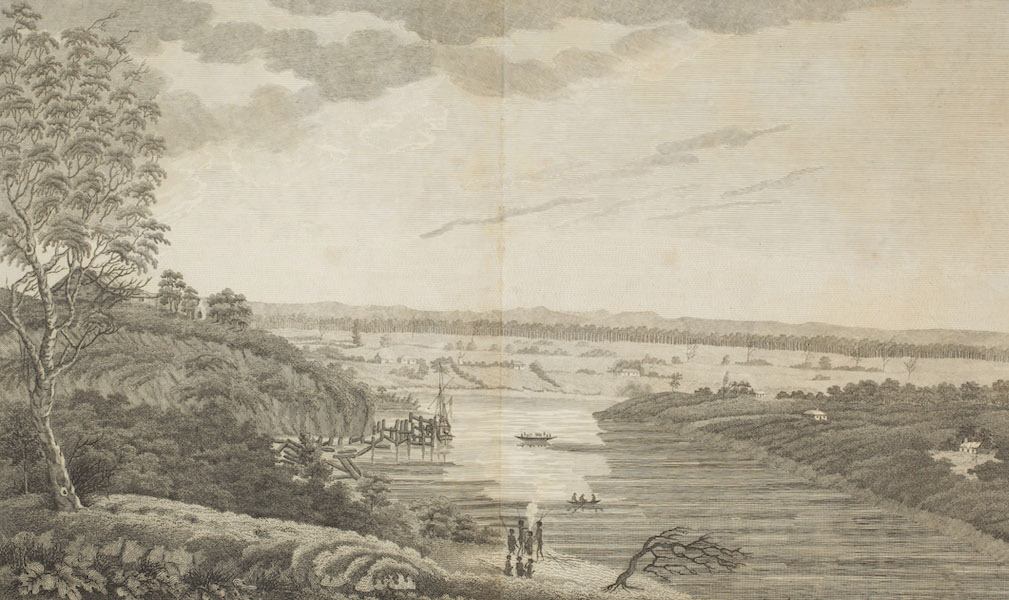 | A View of Hawkesbury and the Blue Mountains
|
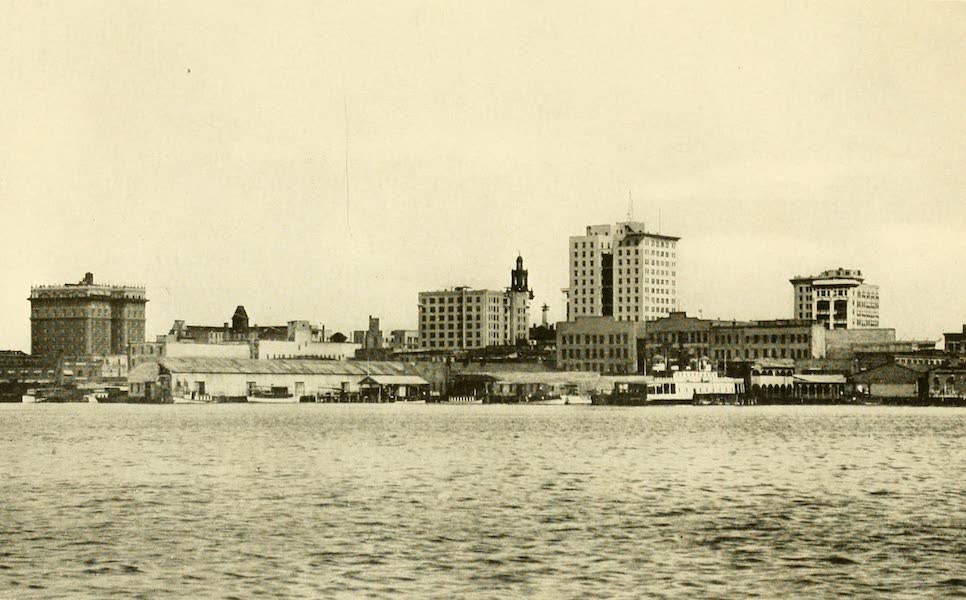 | A View of Jacksonville from the St. John's River
|
 | A View of Loch Lomond from the Point of Firkin, looking towards Dumbarton
|
 | A View of Moscow
|
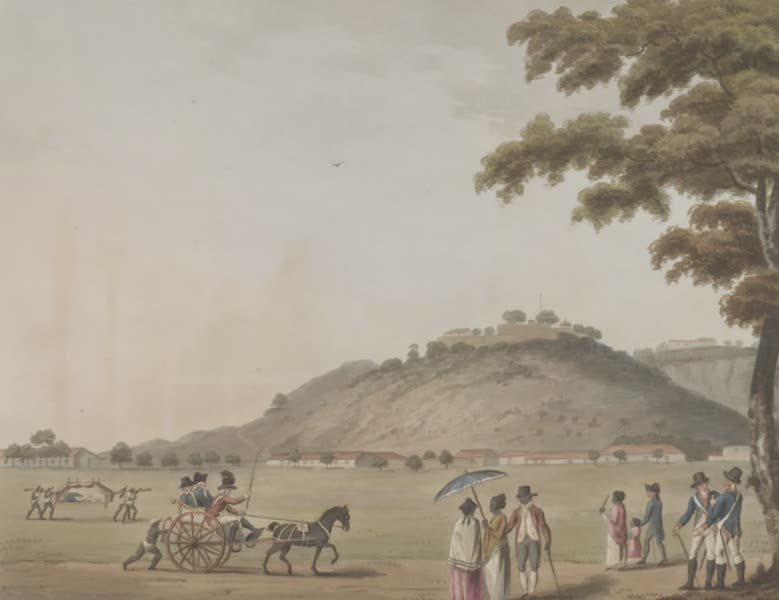 | A View of Mount St. Thomas, near Madras
Plate twenty from 'Picturesque Scenery in the Kingdom of Mysore' by James Hunter. This aquatint is based on a picture by Hunter depicting St. Thomas' Mount, Madras (Chennai). According to local legend, St. Thomas was martyred on this mountain in 52 AD, hence its name. Close to the seashore, an impressive Basilica was built over the tomb of St. Thomas. Between the 14th and 15th centuries, the beach church fell to ruins and in 1522 the Portuguese moved the Apostle's remains to a new tomb and built a new church, which was given the status of a cathedral in 1606. |
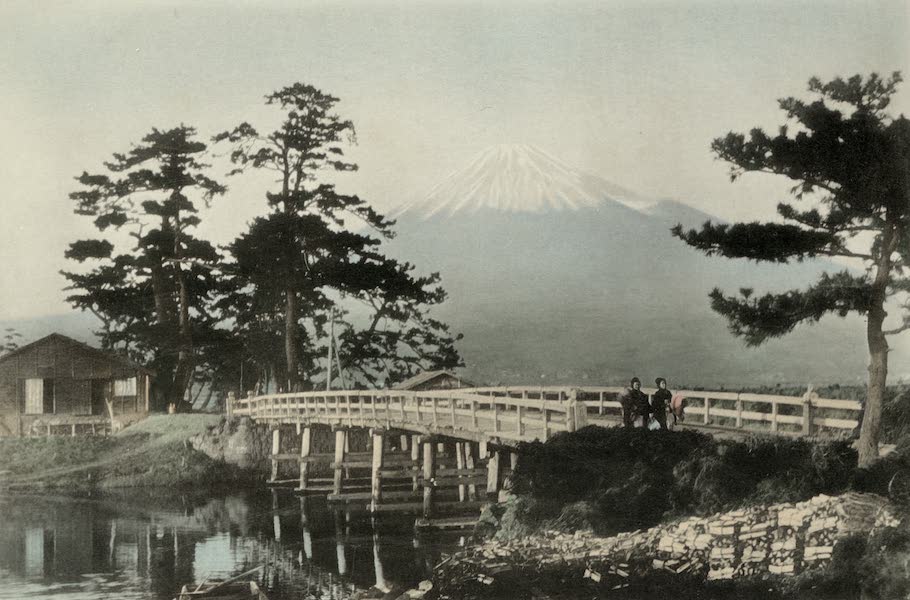 | A View of Mt. Fuji (Height: 12,370 ft.)
|
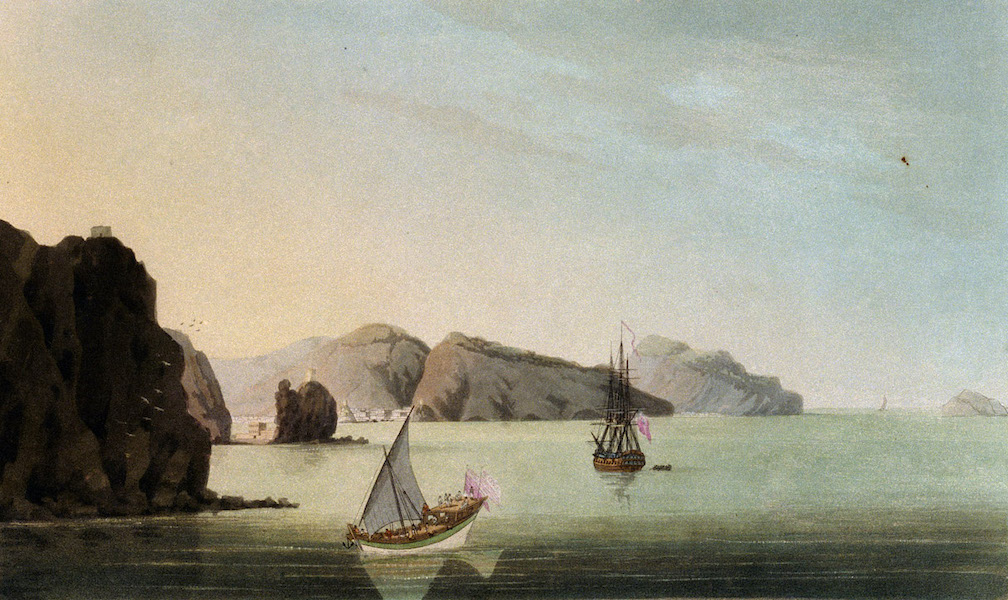 | A view of Mutra from the East
|
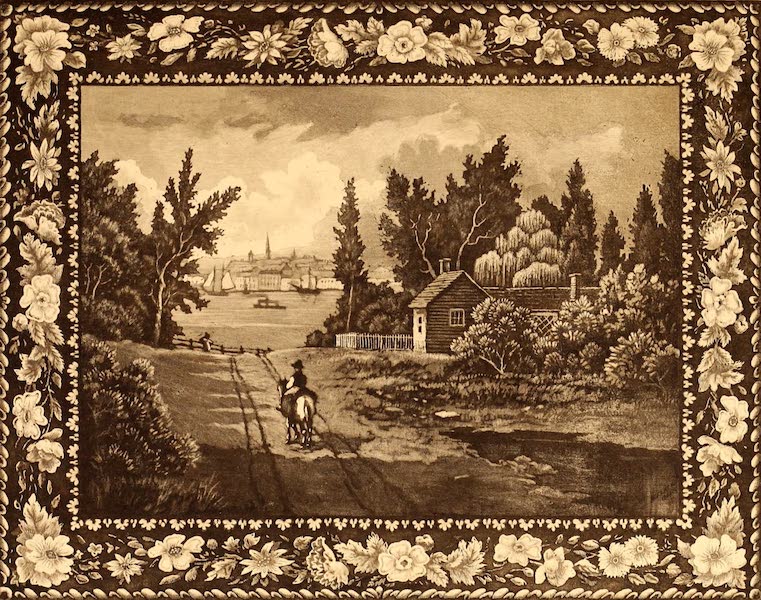 | A View of New York from Fulton street, Brooklyn
|
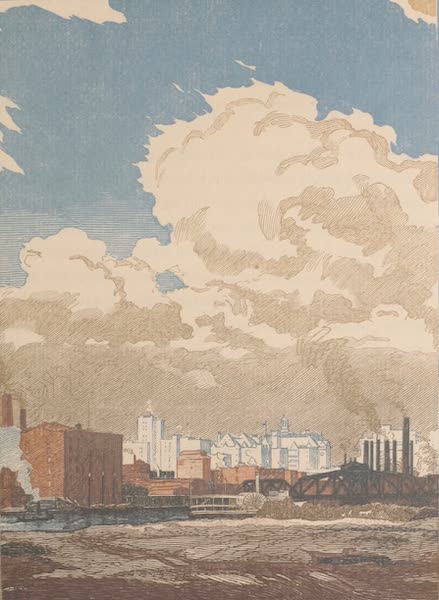 | A View of Newark from Harrison
|
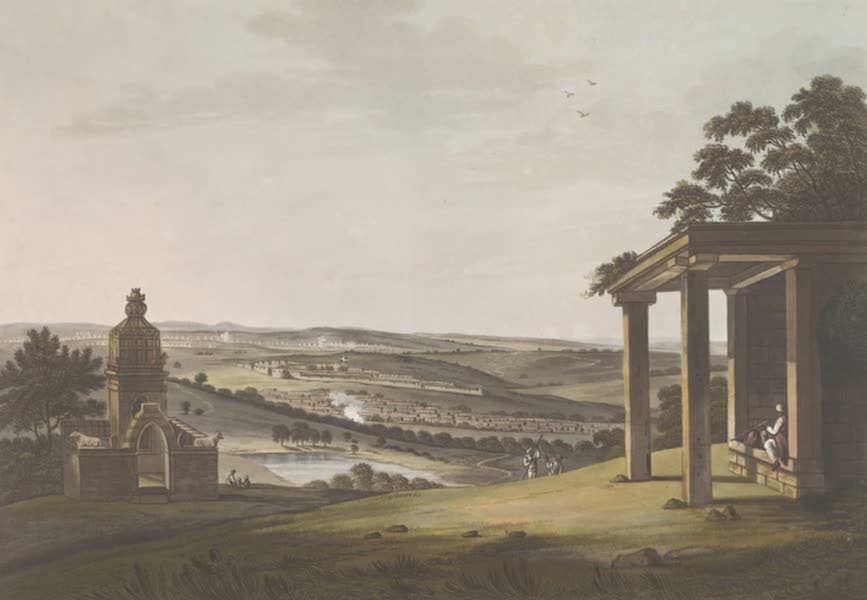 | A view of Ossoore
Plate nine from '24 views in Indostan by William Orme'. This picture is based on an original by Thomas Daniell (1749-1840) and depicts Hosur, a small town near to Bangalore. When this picture was made there was an encampment, represented in the distance, consisting of a detachment of Lord Cornwallis's army commanded by Major Woodburne of Madras. According to the accompnaying text, the temple on the right in the foreground was used as a resting place to 'afford cool and comfortable retreats for sun-burnt travellers.' |
![A View of Ouscottah, from an Eadgah [with Sepoys]](https://historyarchive.org/images/books/books-p/picturesque-scenery-in-the-kingdom-of-mysore-1805/plates/27-a-view-of-ouscottah-from-an-eadgah.jpg) | A View of Ouscottah, from an Eadgah [with Sepoys]
Plate twenty six from 'Picturesque Scenery in the Kingdom of Mysore' by James Hunter. This aquatint is based on a picture by Hunter depicting a mosque with sepoys and muslims standing in the foreground. During the latter half of the 18th Century, large areas of southern India were controlled by the kings of Mysore, Haider Ali Khan (c.1722 - 1782) and his son, Tipu Sultan (1753 -1799). The bBritish waged four wars against the Rajas of Mysore in the late Eighteenth Century. Hunter served as a Lieutenant in the Royal Artillery and his sketches portrayed aspects of military and everyday life. |
 | A View of Outra Droog
Plate 38 from 'Picturesque Scenery in the Kingdom of Mysore' by James Hunter (d.1792). This aquatint is based on a pictue by Hunter depicting the hill fort at Hutridurga, Karnataka. It is part of a range of hills that runs through Tumkur District, in the former kingdom of Mysore, near to Bangalore. This fortress was of strategic importance during the Anglo-Mysore Wars of the late 18th Century when the British fought against the Rajas of Mysore Haidar Ali (c.1722 - 1782) and his eldest son, Tipu Sultan (1753 -1799). The fort was small but situated on an inaccessible rock. It was taken by British forces in June 1791and was especially convenient as the area was well stocked with cattle, sheep and grain which supplied the army. |
 | A View of Part of St. Thome Street, Fort St. George
Plate three from '24 Views in Indostan by William Orme'. THis aquatint is based on an original composition by Francis Swain Ward (1736-94). It shows St. Thome Street, which ran inside Fort Saint George, in the city of Madras (now known as Chennai). The fort was commenced in 1644 and was gradually converted into a formidable masonry structure. In 1694 the original Fort House was demolished to make way for a new one and in 1711 the inner Fort walls and corner bastions were pulled down and Fort Square was created. The buildings inside Fort Saint George are fine examples of British architecture from the 17th and 18th Centuries. |
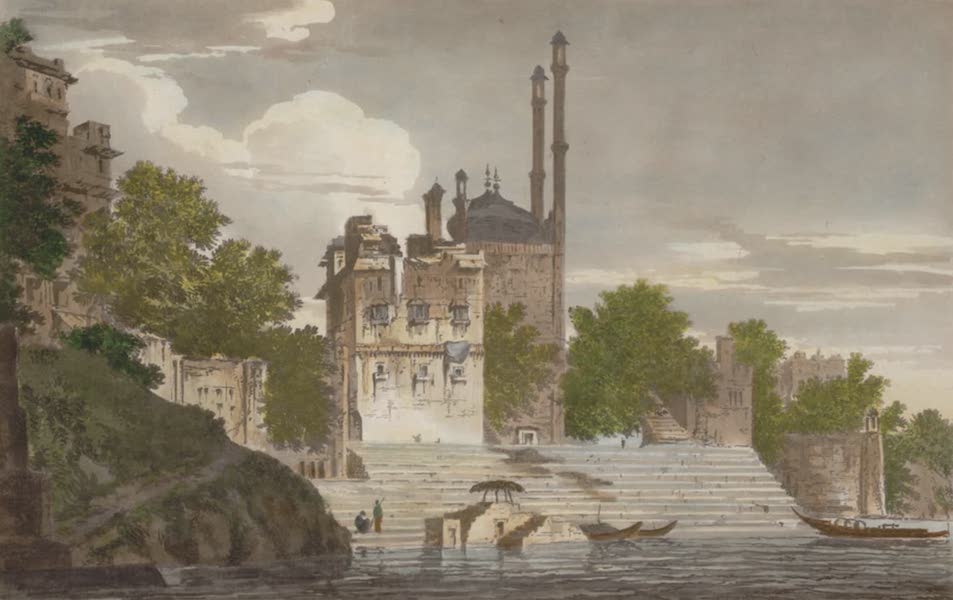 | A View of Part of the city of Benares, upon the Ganges
This is plate 21 from William Hodges' 'Select Views in India'. In 1783 Hodges went to Varanasi (also known as Benares). This picture shows some of Varanasi's famous riverside buildings facing the Ganges. The steps of the Panchaganga Ghat lead down to the river. The domed building with tall minarets, rising above it in the background, is Aurangzeb's Mosque, built in the late 17th century. |
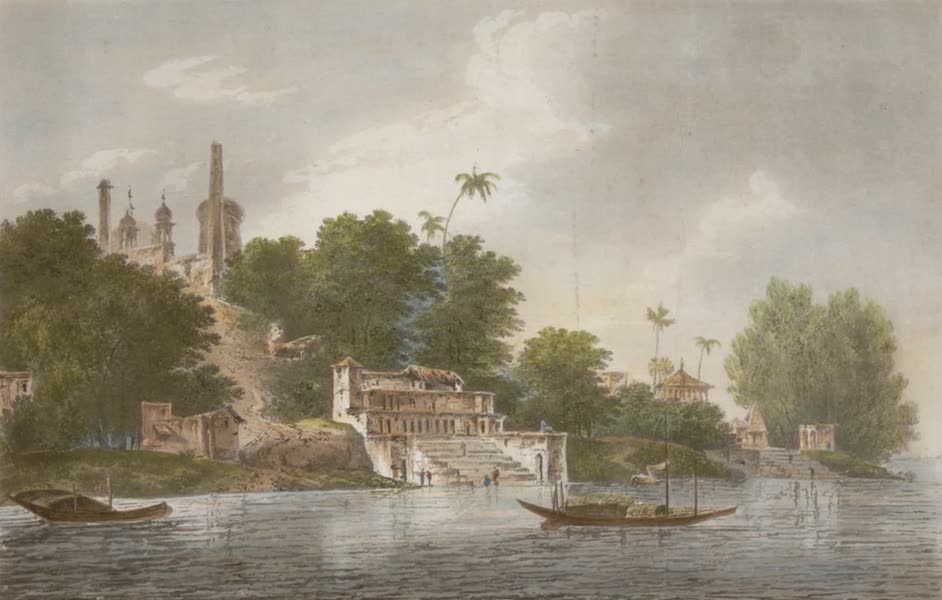 | A View of Part of the City of Oudh
This is plate 1 from William Hodges' book 'Select Views of India'. Hodges visited the ancient city of Ayodhya, then known as "Oudh", at the end of 1783. This view shows the Lakshmana Ghat on the banks of the Ghaghara river. The mosque at the top of the hill is the Babri Masjid, constructed by Babur, the first Mughal king of India, who ruled between 1526 and 1530. The mosque was infamously destroyed by militant Hindus on 6 December 1992. |
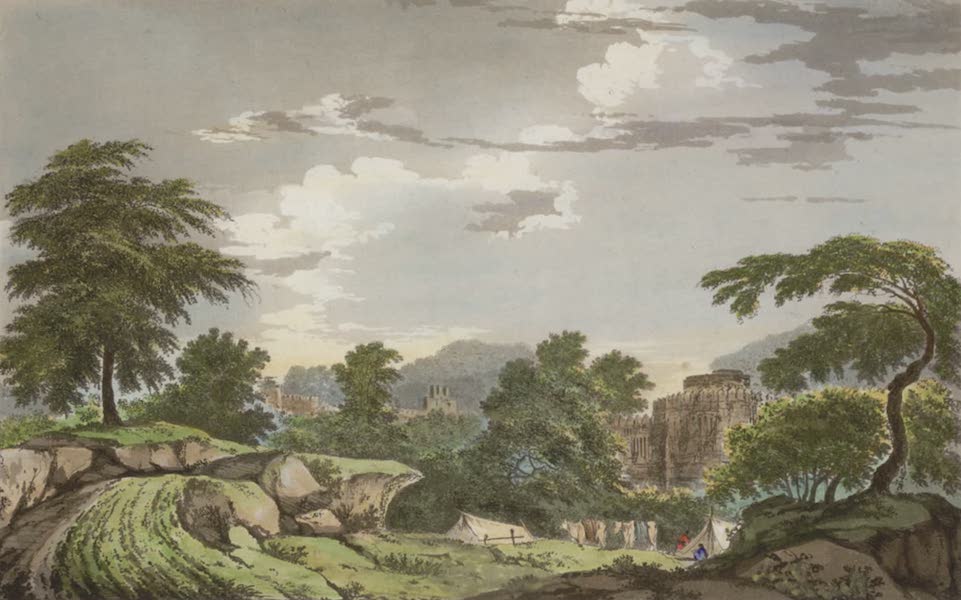 | A View of Part of the Fort of Luttefpour
This is plate 9 from William Hodges' book 'Select Views in India'. The British attacked the fort at Latifpur in 1781, at the time of Hodges' visit. Before the attack, the fort was occupied by Raja Chait Singh, who had staged a rebellion. Although the British successfully took control of the fort, Cahit Singh escaped and retreated to Bijaigarh, and then to Gwalior. The stronghold of Bijaigarh was subject to a prolonged seige under the command of until Major Popham. Hodges was at that point sent by Hastings to make drawings of all the forts. |
 | A view of part of the great wall of China
A view of part of the great wall of China, called by the natives Van-lee-ching, or wall of ten thousand lee, taken near the pass of Cou-pe-koo. At this place the wall is carried over the summits of the highest mountains, some of which are not less than three thousand feet in perpendicular height, and appear to be almost inaccessible. Some of the towers are in ruins, as that in the fore-ground of the view; but others, which more immediately command the passes, are kept in good repair. This wall, according to the charts of the empire made from actual surveys, is more than fifteen hundred miles in length, and in many places it is double, and even triple, for the better defence of the passes. The masonry and brickwork in the towers alone exceed those of all London. |
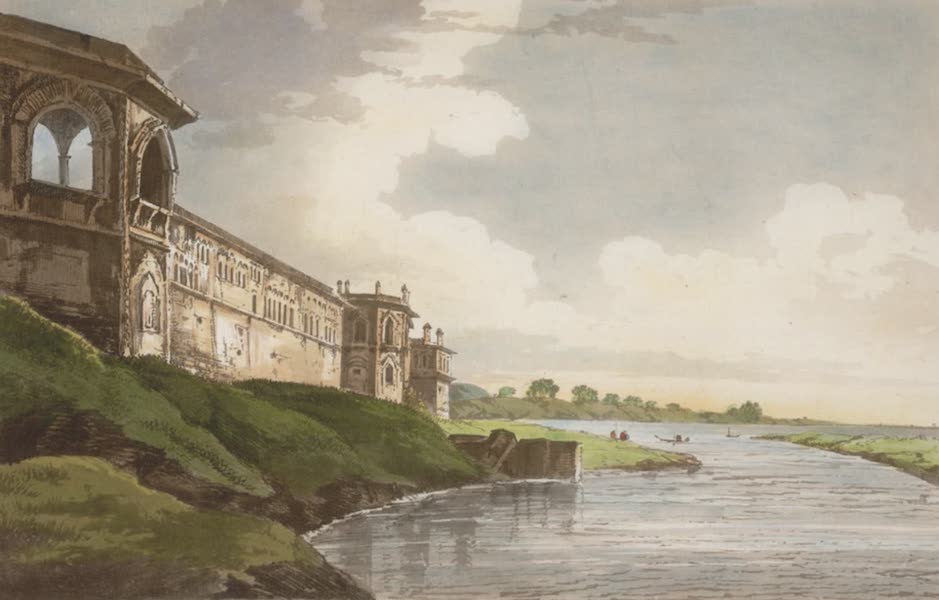 | A View of Part of the Palace of the late Nabob Suja ul Dowla at Fizabad
This is plate 38 from William Hodges' book 'Select Views in India'. In 1783 Hodges went to Faizabad and saw the abandoned palace of the Nawab of Oudh. Built on the south bank of the Ghaghara River, the palace was constructed by the third Nawab of Oudh, Shuja ud-Daula (1754-75), and was named 'Fort Calcutta'. In 1775 his successor, Asaf ud-Daula, abandoned the palace when he decided to shift the capital of Oudh from Faizabad back to Lucknow. |
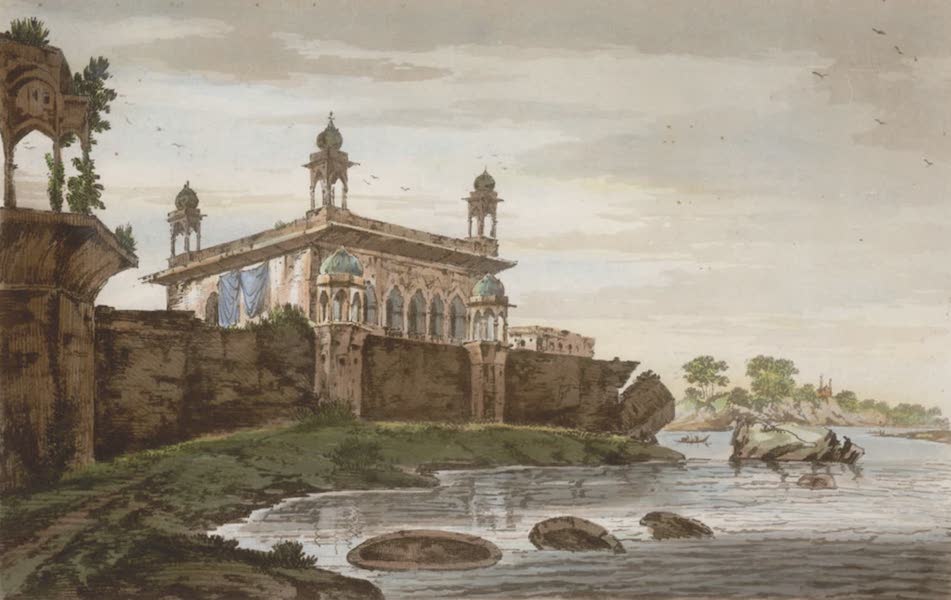 | A View of Part of the Palace of the late Nabob Suja ul Dowla at Fizabad
This is plate 37 from William Hodges' book 'Select Views in India'. In 1783 Hodges went to Faizabad and saw the abandoned palace of the Nawab of Oudh. Built on the south bank of the Ghaghara River, the palace was constructed by the third Nawab of Oudh, Shuja ud-Daula (1754-75) and was named 'Fort Calcutta'. In 1775 his successor, Asaf ud-Daula, abandoned the palace when he decided to shift Oudh's capital from Faizabad back to Lucknow. |
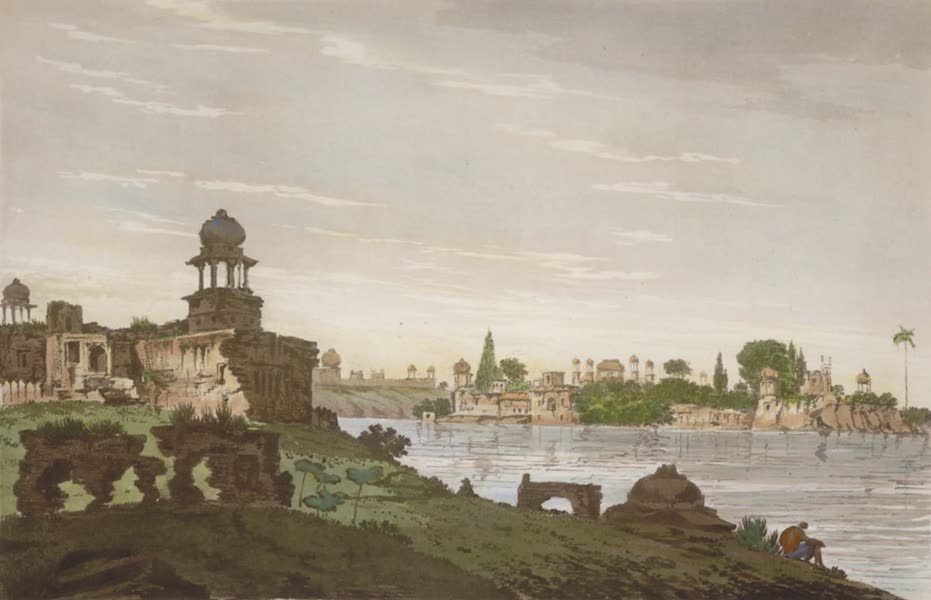 | A View of Part of the Ruins of the City of Agra
This is plate 35 from William Hodges' book 'Select Views in India'. Hodges went to Agra in 1783. Agra became the capital of the Mughal Empire under the rule of Akbar (1556-1605). Located on the west bank of the river Yamuna, it is today well known for the fantastic Mughal monuments constructed at that site, such as the Red Fort and the Taj Mahal. This view depicts the ruins of the Palace of the Emperor Aurangzeb (1658-1707) and, according to Hodges, some "similar monuments of once human greatness ... now dissolving in the dust". |
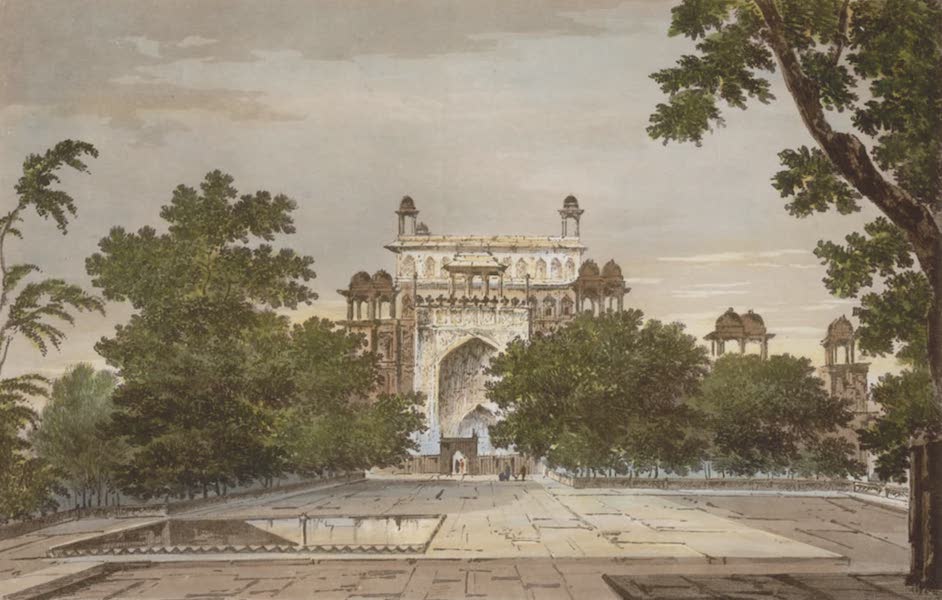 | A View of Part of the Tomb of the Emperor Akbar at Secundrii
This is plate 39 from William Hodges' book 'Select Views in India'. Hodges went to Sikandra in 1783 and described Emperor Akbar's tomb as "one of the greatest monuments of Moorish grandeur". It stands at the centre of a big garden, enclosed by high battlemented walls with four gateways of red sandstone. The main entrance is to the south and an avenue of tall trees leads to the tomb, which stands on a low marble platform. |
 | A view of Poo-ta-la, or great temple
A view of Poo-ta-la, or great temple, near Zhe-hol, in Tartary ; with the town of Zhe-hol in the distance, taken from a hill in the Emperor's park. The smaller buildings which surround this large fabric are the habitations of the priests, or lamas, about eight hundred of which are attached to this temple. |
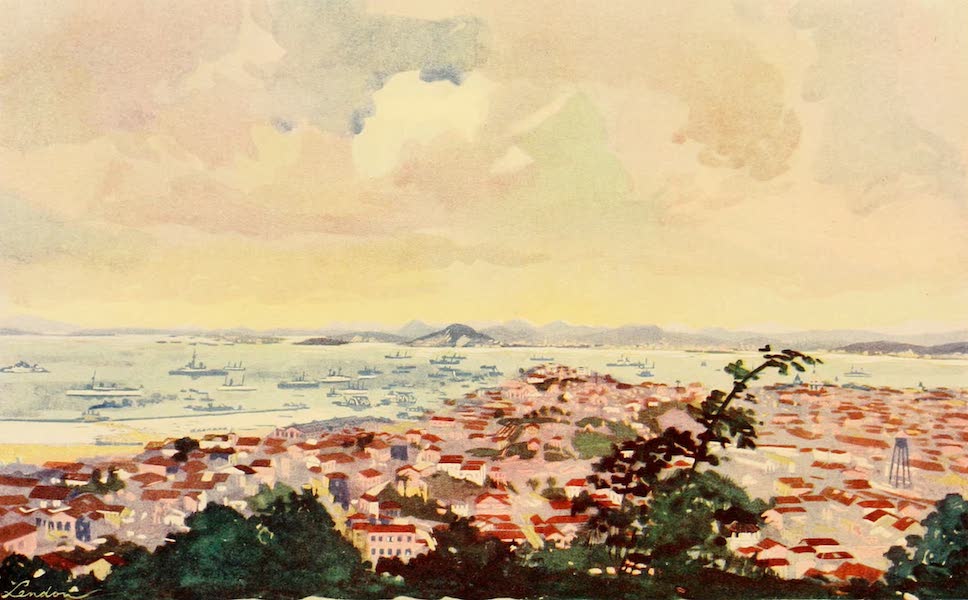 | A View of Rio and the Bay, showing Messrs. Walker's Wall
|
 | A view of Rome from Monte Mario
|
 | A View of Serampore, from the Park at Barrackpore
This is plate 21 from James Baillie Fraser's 'Views of Calcutta and its Environs'. Fraser (1783-1856) arrived in Calcutta in 1814 and in six years produced these animated sketches of the busy city. The collection included two views at Barrackpore. This one shows the view from Barrackpore Park across the river to Serampore or Srirampur, a Dutch settlement on the opposite bank laid out in the 'English Style' by Marquess Wellesley. In Bishop Heber's words: "The Governor General has a very pretty country residence at Barrackpore ... offering ... beautiful a display of turf, tree and flowering shrub..." Its extensive grounds contained a theatre, an aviary and a menagerie. It was also possible to ride around the park on the back of an elephant. |
 | A View of Shekoabad
This is plate 43 from William Hodges' book 'Select Views in India'. Shikohabad was named after Dara Shikoh, the eldest son of the Mughal Emperor Shah Jahan. The ruins next to the tank (reservoir) are the remains of Dara Shikoh's hunting lodge. Shikohabad changed hands on many occasions during the 18th century and the British did absolutely secure control until 1801. |
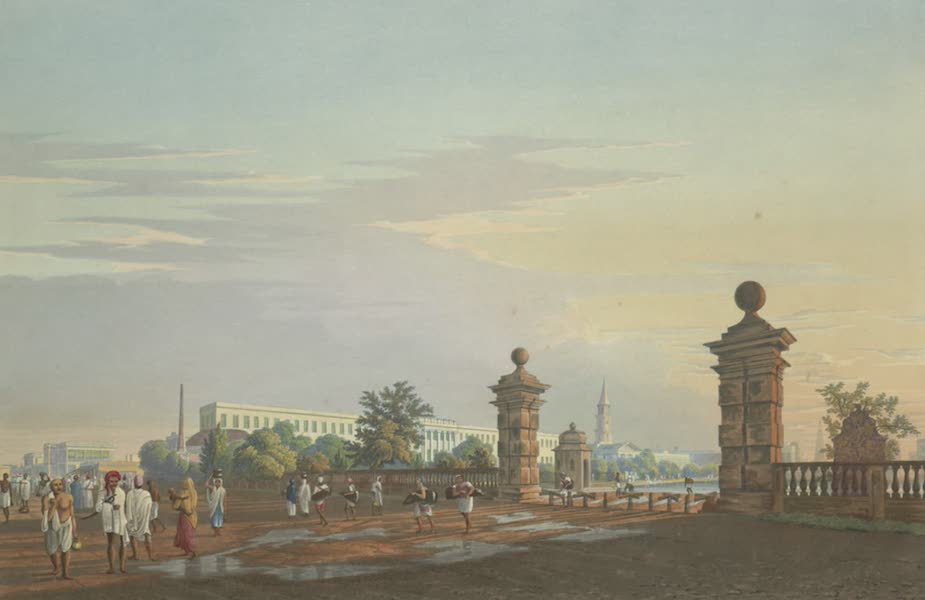 | A View of Tank Square, from the West
This is plate 8 from James Baillie Fraser's 'Views of Calcutta and its Environs'. Fraser (1783-1856) arrived in Calcutta in 1814 and in six years time produced these animated sketches of the busy city. He incorporated into his collection five views of Tank Square. This image shows the Great Tank, which was an important reservoir supplying much of the city. Fraser wrote: "Inside the gate, a ramp, crowded with those who come to draw water, slopes down to the water's edge...the Bengali inhabitants of the city add interest, with a group of bhistis or water carriers with their goat-skins for carrying the water slung over their shoulders." Turnstiles in the gateway stopped animals from entering. The box at the entrance was the station of the watchmen, or chowdikars, who prevented people from bathing in the Tank. |
 | A View of the Black Pagoda, on the Chitpore Road
This is plate 23 of James Baillie Fraser's 'Views of Calcutta and its Environs'. Fraser (1783-1856) arrived in Calcutta in 1814 and in six years produced these animated sketches of the busy city. Moving south into the heart of the city itself, he includes the view of the Black Pagoda in the Chitpore Road, a predominantly native part of Calcutta. This was built in 1731 by Gobindram Mitter, a local zamindar (landlord). It was never completed, and decayed so much that the main tower collapsed around 1813. One of the two subsidiary towers is shown in this image, with the Navaratna, or nine pinnacles. |
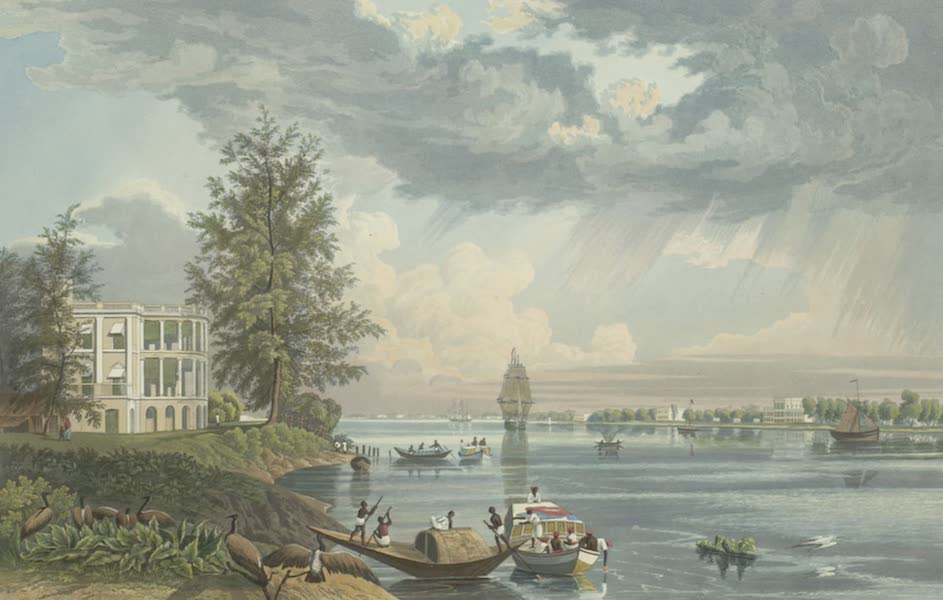 | A View of the Botanic Garden House and Reach
This is plate 4 from James Baillie Fraser's 'Views of Calcutta and its Environs'. Fraser (1783-1856) arrived in Calcutta in 1814 and in six years produced these animated sketches of the busy city, published later as a collection of twenty-four superbly aquatinted plates. One of two views of the river Hooghly, this one looks up to the Botanic Garden House on the left and the palatial country residences of Garden Reach on the right. The house, built in 1795, was the residence of the Superintendent of the Gardens, the great botanist Dr William Roxburgh. The gardens were established by the East India Company in 1786, through the efforts of Colonel Robert Kyd, its first superintendent. |
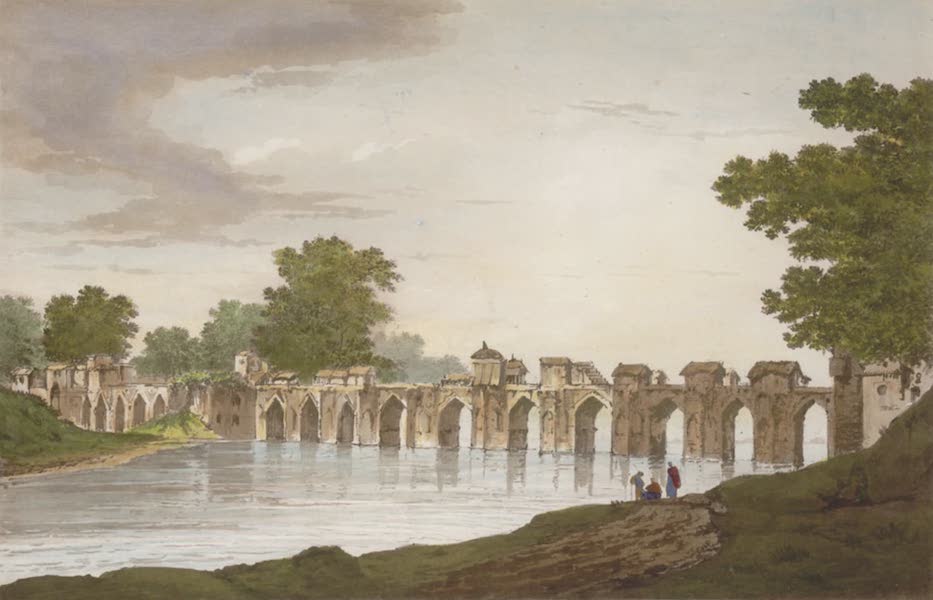 | A View of the bridge at Jionpoor over the River Goomty
This is plate 34 from William Hodges' book 'Select Views in India'. Located at a crossing point on the river Gomti, Jaunpur was founded by Feroz Shah Tugluq in the 14th century. The massive Akbari Bridge, a remarkable structure with fifteen arches, was built between 1564 and 1568 by Munim Khan, the local governor under Mughal Emperor Akbar. Hodges wrote: "The inoundations have been frequently known to rise even over the bridge insomuch that in the year 1774 a whole brigade of the British forces was passed over it in boats." |
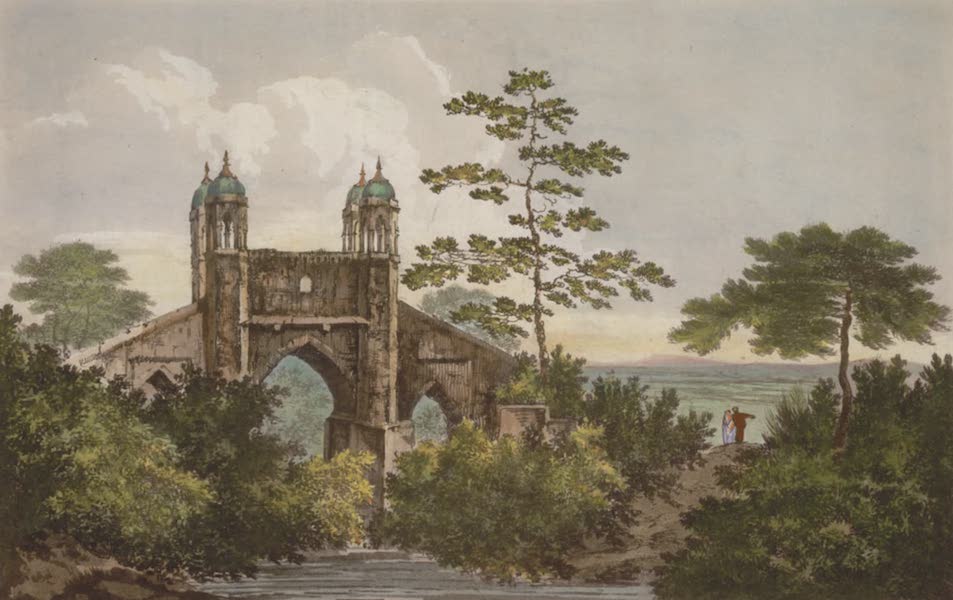 | A View of the Bridge over Oodooanulla
This is plate 24 from William Hodges' book 'Select Views in India'. Udha Nullah is the name of both a village and a stream in Bihar. It gained notoriety among the British in 1763, when their forces, guided by Major Adams, defeated the Nawab of Murshidabad Mir Kasim here. The bridge was built in the 17th century by Sultan Sujah, the third son of the Mughal Emperor, Shah Jahan. Hodges describes the bridge as: "one of the most elegant specimen in architecture of those times." |
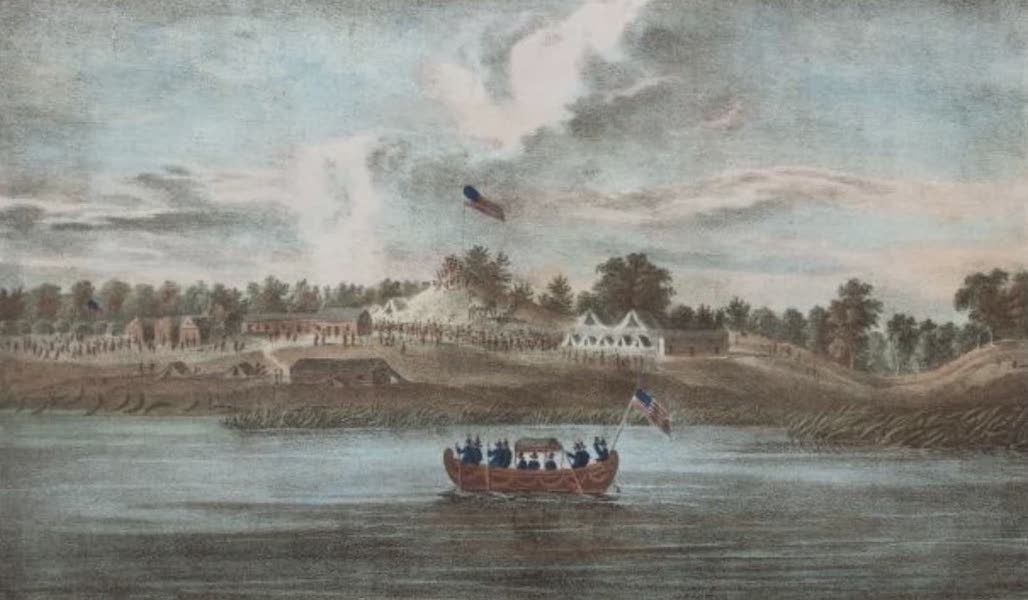 | A view of the Butte des Morts Treaty ground with the arrival of the Commissioners Gov. Lewis Cass and Col. McKenney in 1827
|
 | A view of the Chin-san, or golden island
A view of the Chin-san, or golden island, in the Yang-tsckiang, or great river of China. This island, situated in the middle of the Kiang where the width is near three miles, is the property of the Emperor. It is interspersed with pleasure-houses and gardens, and contains a large monastery of priests, by which the island is almost entirely inhabited. A vast variety of vessels in form and size are constantly moving about on this large river. That on the left side of the print is an accurate portrait of a Chinese ship of war. |
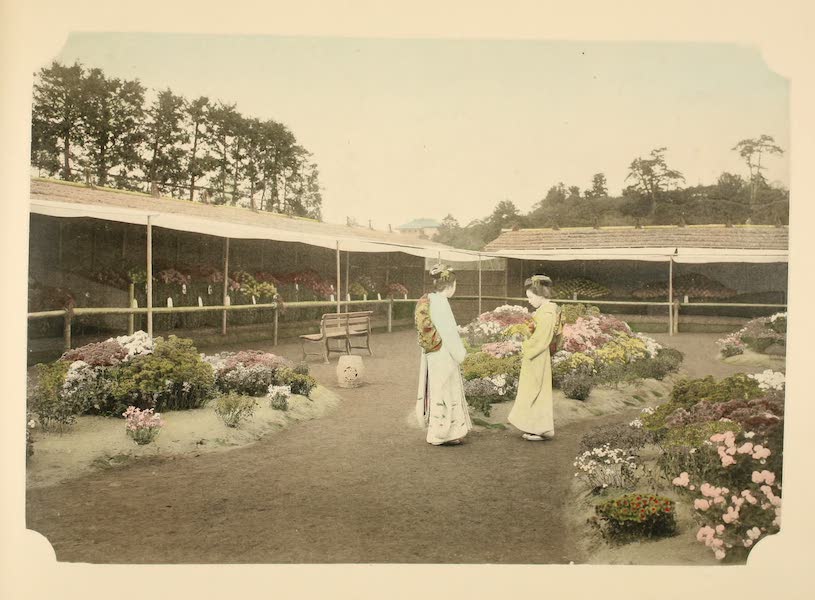 | A view of the chrysanthemum beds in the north end of the garden with two young ladies in the centre.
|
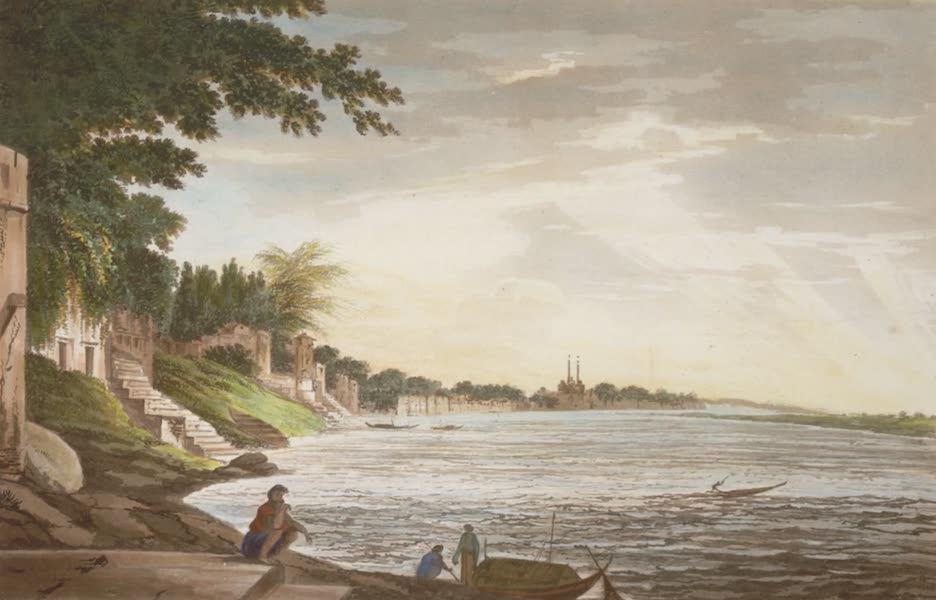 | A View of the City of Benares
This is plate 45 from William Hodges' book 'Select Views in India'. Hodges first visited the city of Varanasi (also known as Benares) in 1781. This holy city was built on the west bank of the river Ganga, and is famous for its stepped banks or ghats. Because some Hindus consider bathing in the water to be an act of purification, pilgrims congregate at the ghats to perform ablutions. In this print, one can discern (from left to right) the Lalita Ghat, the Jalsain Burning Ghat, and the Manikarnika Ghat. In the distance, the two minarets of the Alamgir Mosque are also visible. |
 | A View of the City of Mainz
|
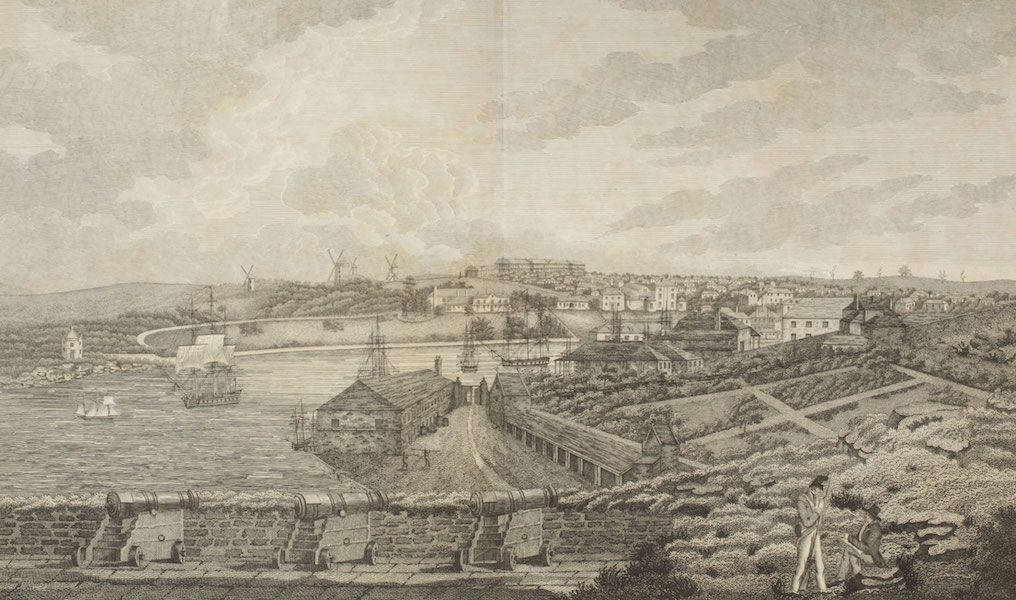 | A View of the Cove and Part of Sydney, New South Wales, Taken from Dawe's Battery
|
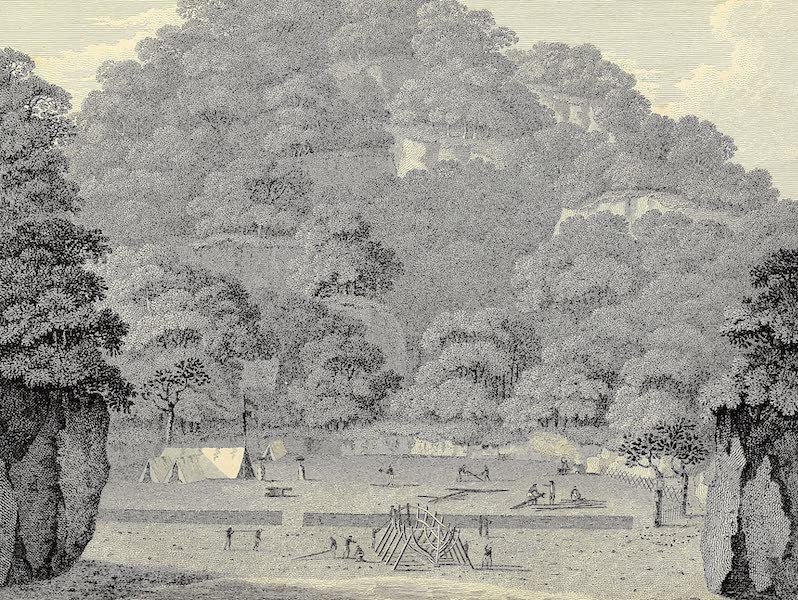 | A View of the Cove and Tents of the English at Oroolong
|
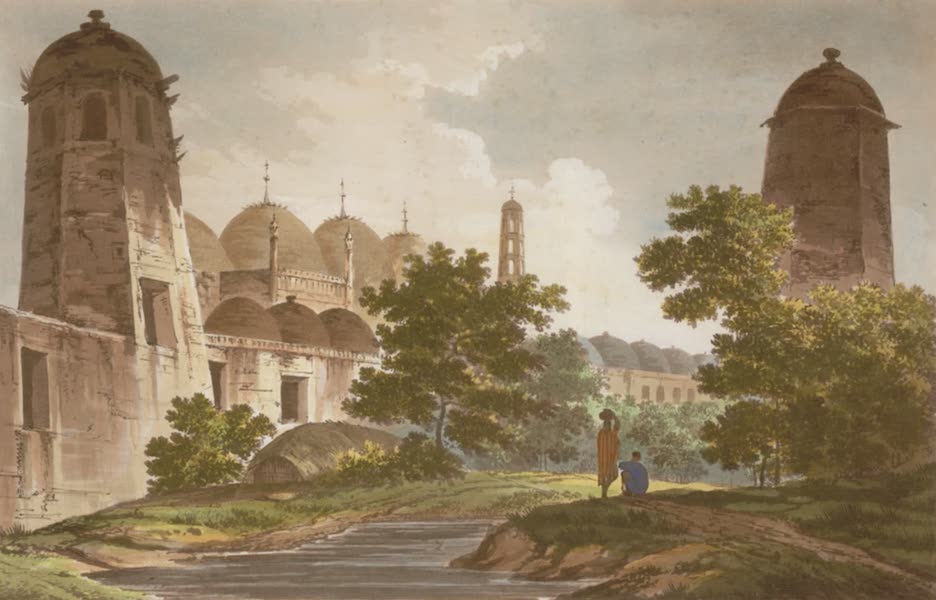 | A View of the Cuttera built by Jaffier Cawn at Muxadavad
This is plate 41 from William Hodges' book 'Select Views in India'. Hodges went to Murshidabad in 1781. Named after Nawab Murshid Kuli Khan, Murshidabad became the capital of Bengal in 1705. This view shows the Katra Mosque, which was built in 1724 by Murshid Kuli Khan. With its two huge octagonal minarets, it is said that this mosque was modelled after the Great Mosque at Mecca. |
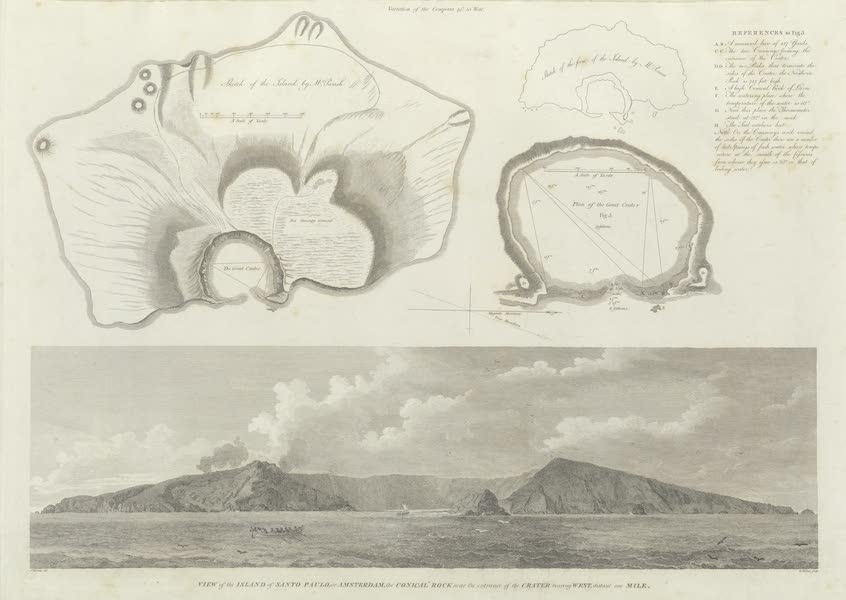 | A view of the eastern side of the island of Amsterdam
A view of the eastern side of the island of Amsterdam, in the Indian ocean, taken from the anchorage about a mile distant from the shore also sketches of the island, and a plan of the great crater. This island, of volcanic origin, is still in a state of inflammation. It lies in latitude thirty-eight degrees forty-two minutes south, and longitude seventy-six degrees fifty-four minutes east of Greenwich |
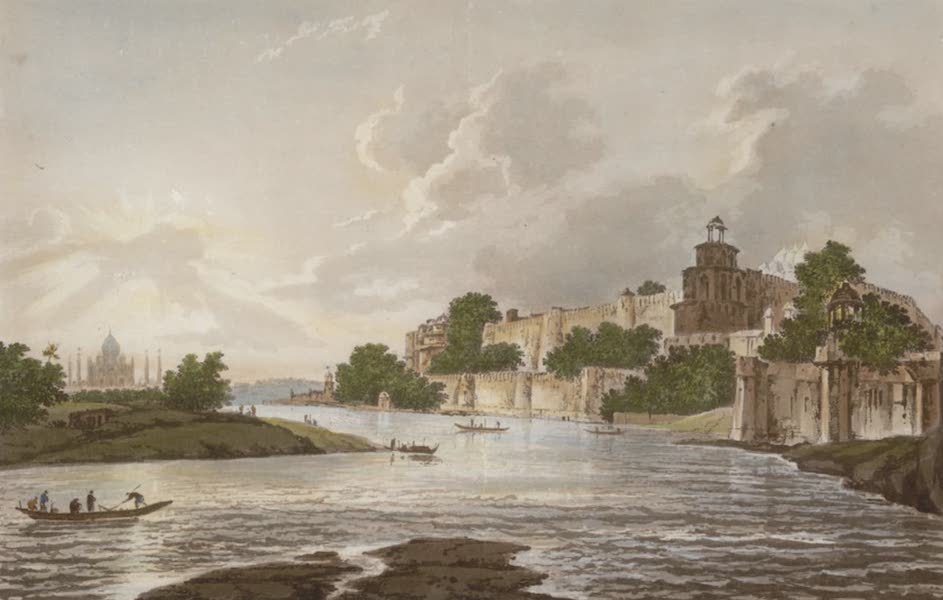 | A View of the Fort of Agra, on the River Jumna
This is plate 15 from William Hodges' book 'Select Views in India'. Agra was one of the principal cities of the Mughal Empire. The Emperor Akbar resided here at the beginning of his reign and completed this fort in 1573. It dominates the centre of the city and lies on the right bank of the river Jumna. As Hodges noted, "The tomb of the Tajmahal, a building in the distance of this view, is the most perfect remains of eastern taste in architecture. It was raised by the emperor Shah Jehan for his wife." |
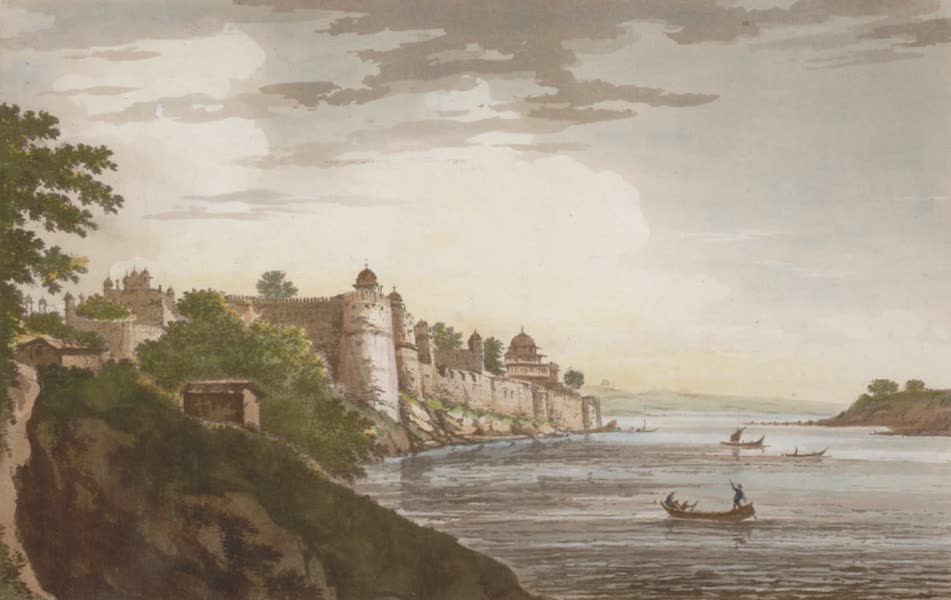 | A View of the Fort of Allahabad
This is plate 20 from William Hodges' 'Select Views in India'. Hodges went to Allahabad in 1783 and sketched this view of the fort, which stands prominently at the confluence of the Ganges and Yamuna rivers. Construction of the fort at Allahabad began in 1583, under the patronage of the Mughal Emperor Akbar. Hodges described the fortress as built in "the old style" with heavy walls flanked by towers which had fallen into ruins, while the city outside the fort consisted only of thatched huts. This is perhaps the oldest surviving image of the fort at Allahabad. William Hodges had travelled from Calcutta to Allahabad, all the way, seated or lying in a Palki (Palanquin). He had left Calcutta on 10 January 1783, arriving at Allahabad on or about 20 January. He stayed in Allahabad for three days when he did the sketch for this plate. From Allahabad, he went on to Kanpur, and then on to Lucknow, arriving there on 25 January 1783. |
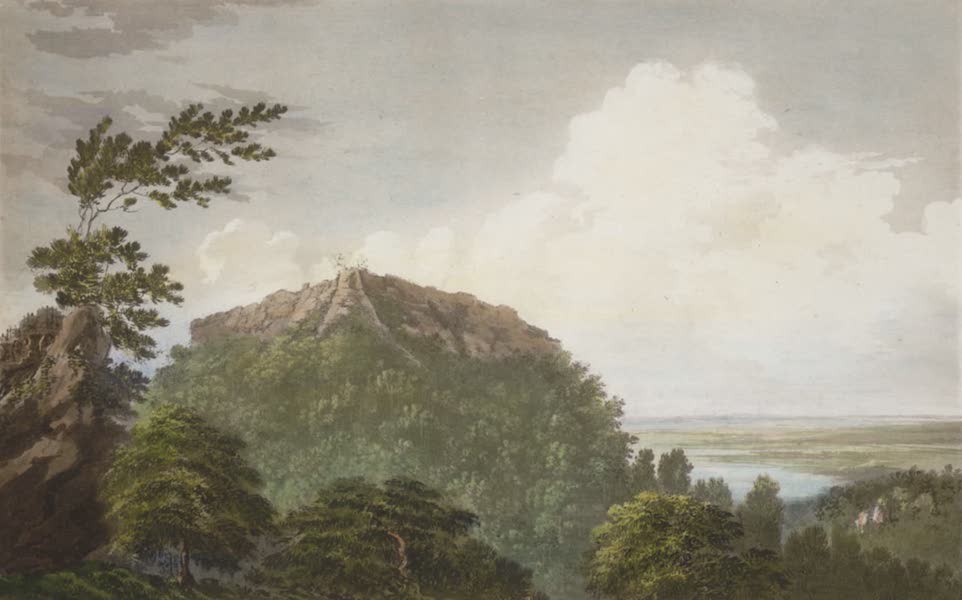 | A View of the Fort of Bidjegur
This is plate 10 from William Hodges' book 'Select Views in India'. In 1781 Hodges was sent by his patron, Warren Hastings, to witness the siege of Bijaigarh by Major Popham. Hodges made sketches while he was there. At this time, Indian rebel Raja Chait Singh had wrested control of the fort from the British. Popham's siege was a success, although Chait Singh managed to escape to Gwalior. |
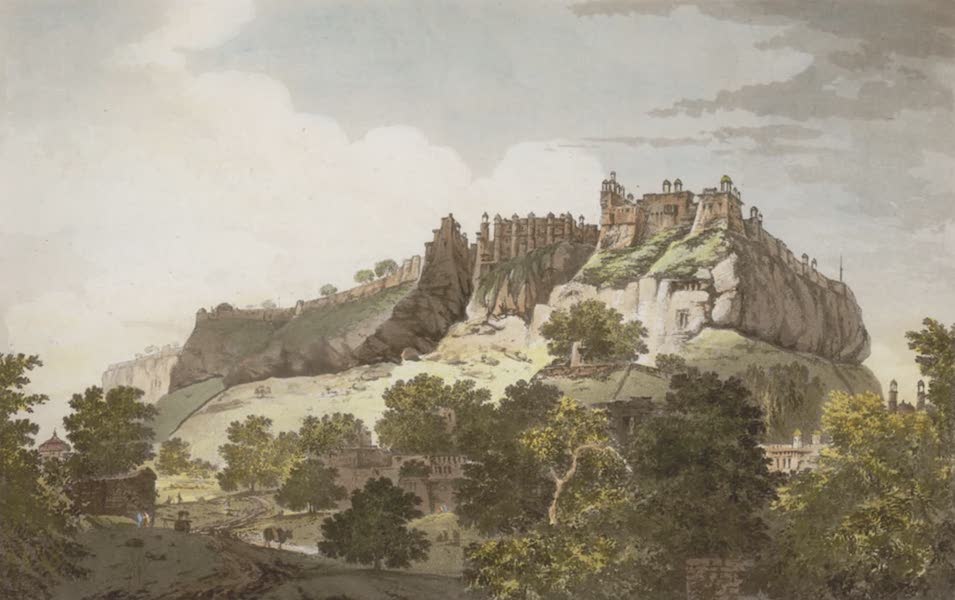 | A View of the Fort of Gwalior, from the N.W.
This is plate 5 from William Hodges' book 'Select Views in India'. Hodges went to Gwalior during his third tour of India in 1783. Gwalior was renowned for its huge fortress with its impressive line of battlements and formidable bastions, built on a narrow and long rocky hill of sandstone. Due to its position, the fortress had been considered impregnable, until in 1780 a small group of British soldiers, guided by Major Popham, scaled the walls during the night and captured it. |
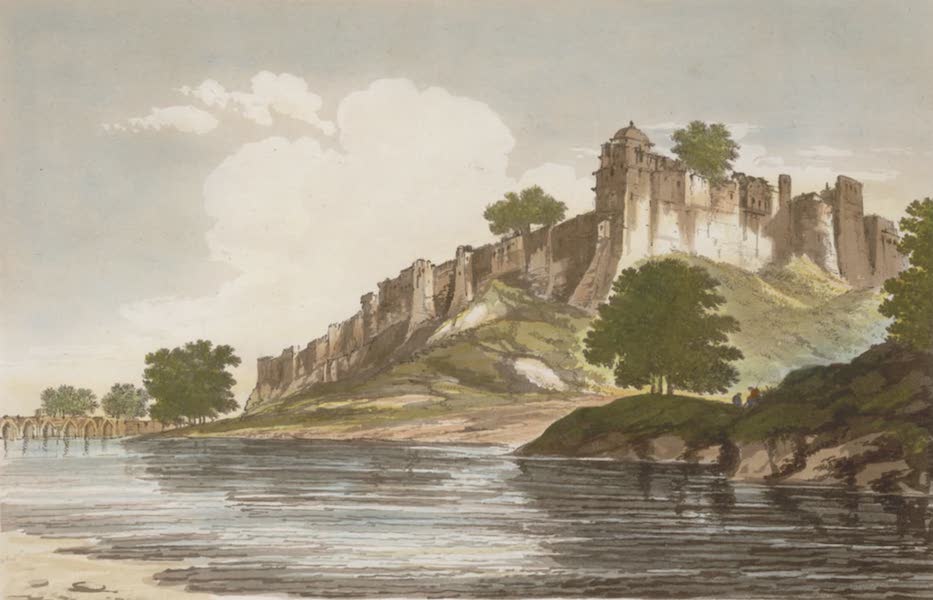 | A View of the Fort of Jionpoor upon the banks of the River Goomty
Plate 33 from William Hodges' book, "Select Views in India". In 1783, while travelling to Calcutta, Hodges stopped at Jaunpur and described this ruined fortress as '...a building of considerable extent, on a high bank commanding the bridge...' . The Fort of Firoz Shah Tugluq at Jaunpur was established in 1360. It has the shape of an irregular quadrangle and was built at a strategic crossing point on the river Gomti. |
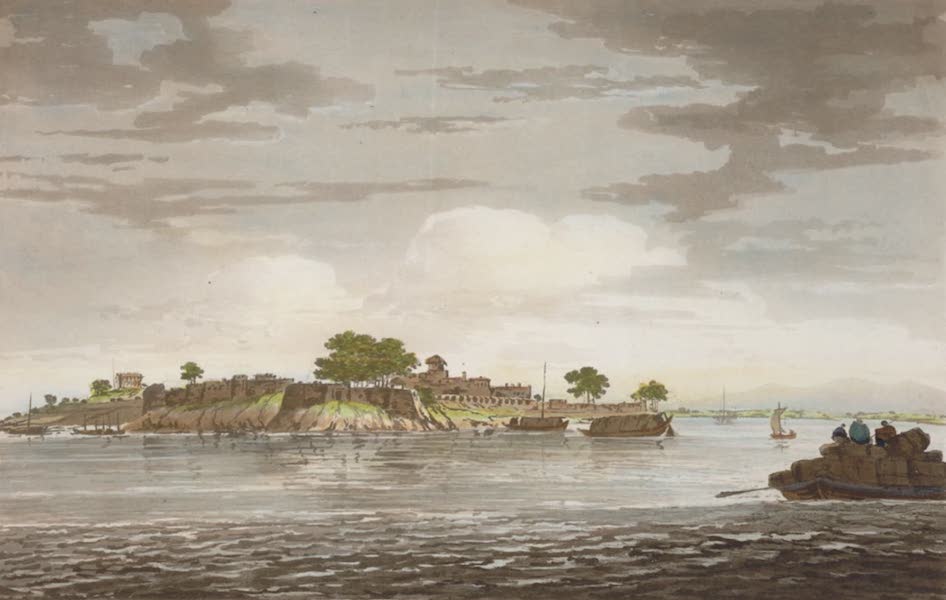 | A View of the Fort of Mongheer, upon the banks of the River Ganges
This is plate 29 from William Hodges' book, 'Select Views in India'. Hodges went to Monghyr in 1781 to draw the fort, which was uder British control at that time. Monghyr was a place of considerable importance for the British in Bengal. It was previously an important military outpost for the Mughals, and the fort had been substantially extended by them. The fort is an impressive structure with three gates, one of which had been a strong fortification with square towers, with a deep ditch to protect the landward approach. |
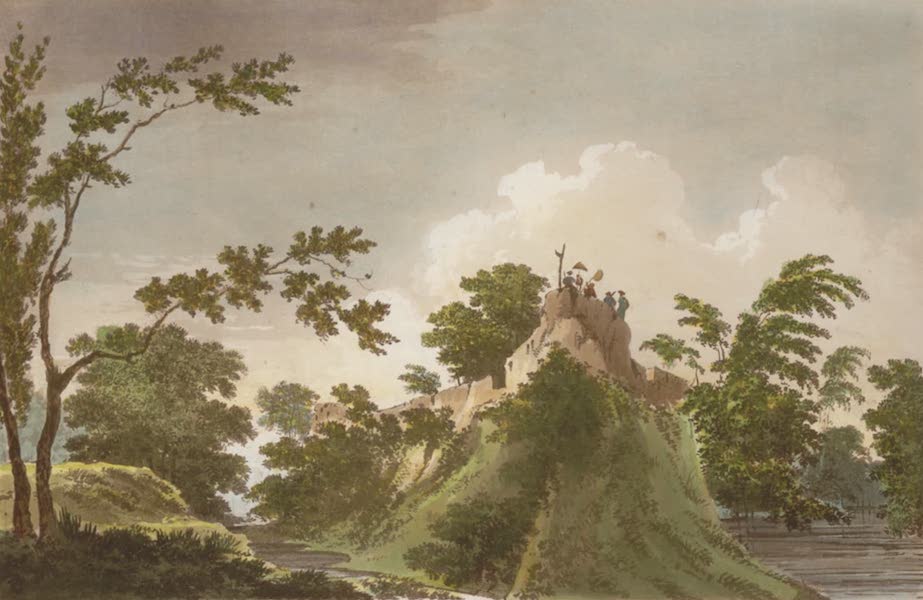 | A View of the Fort of Peteter
This is plate 44 from William Hodges' book 'Select Views in India'. Hodges sketched the fort at Pateeta in 1781, during his stay with Governor General Warren Hastings at Chunar. The fort of Pateeta was at that time being held by the rebellious Indian ruler, Chait Singh, but British forces attacked and reclaimed the fort. Chait Singh and his armies fled west to Gwalior. Hodges described Pateeta as "a large town, surrounded by a rampart, and defended by a fort". |
 | A view of the garden showing the hillock with three big trees.
|
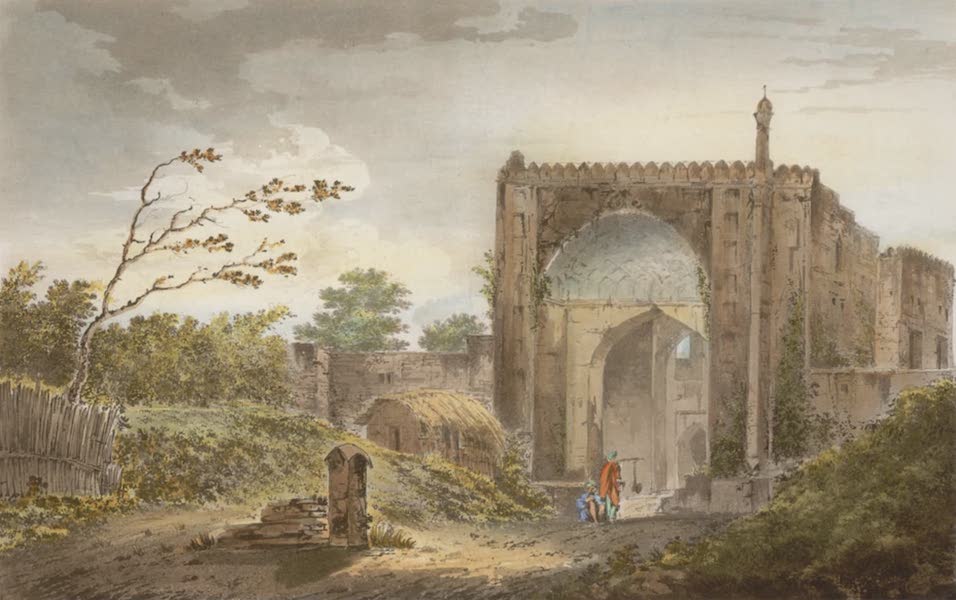 | A View of the Gate of the Caravan Serai, at Raje Mahel
This is plate 4 from William Hodges' book, 'Select Views in India'. It shows a rest house for caravan travellers at Rajmahal, which Hodges visited in 1781. Located on the west bank of the Ganges, it had at various times been the capital of the eastern provinces the Mughal Empire. It had particularly flourished in the 17th century under the Governor Shah Sujah, son of the Mughal Emperor, Shah Jahan. Hodges was fascinated by the caravanserai, which he found "almost perfect", because it possessed "military strength no less than beauty". |
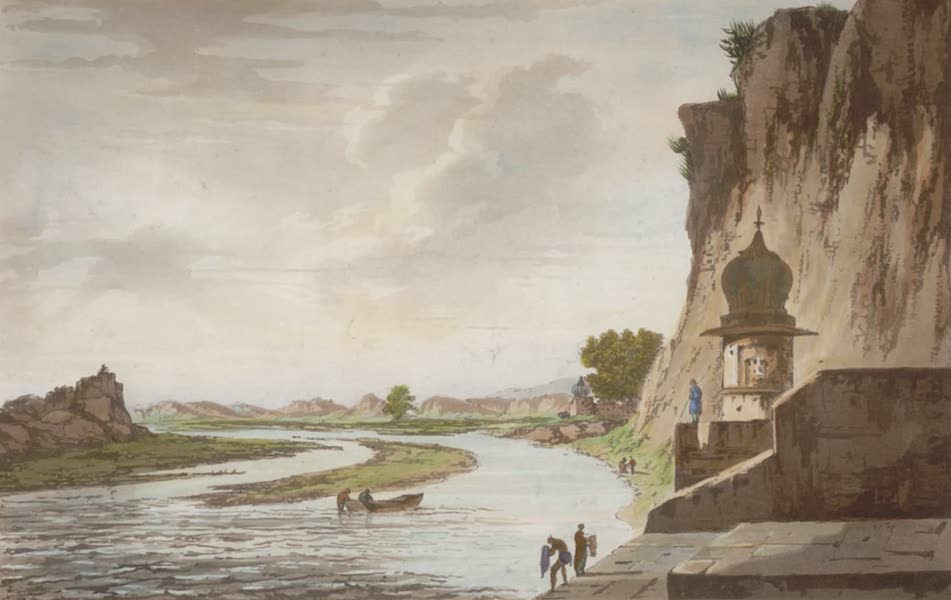 | A View of the Gaut at Etawa on the banks of the River Jumna
This is plate 26 from William Hodges' book 'Select Views in India'. It shows a ghat (landing) next to the river Yamuna at Etawah. Located in the modern state of Uttar Pradesh, Etawah is at the top of a high bank of the river, which is cut by a series of ravines caused by the heavy seasonal rainfall. The town was important to the Mughal emperors, but at the time of Hodges' visit, it was under the control of the Nawabs of Oudh. In 1801 the British East India Company laid claim to it. Hodges found Etawah "large, but very wretched, having but two tolerable houses in it". |
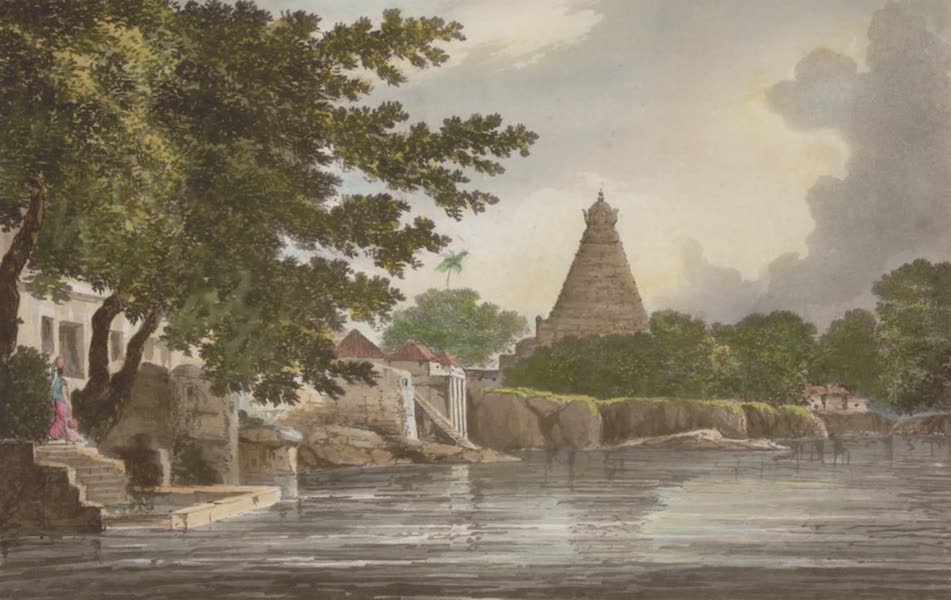 | A View of the Great Pagoda at Tanjore
This is plate 23 from William Hodges' book 'Select Views in India', showing the Rajarajeshvara Temple at Thanjavur. Hodges composed this picture without ever visiting Thanjavur. His source was a sketch made by a surveyor named Mr Topping. The Rajarajeshvara Temple is also known as the Brihadishvara Temple and is one of the greatest temples in southern India. It was built under the patronage of Rajaraja I of the Chola dynasty in AD1010. The vimana, or principal sanctuary, is surmounted by a tall pyramidal stone tower and stands in a large rectangular courtyard, entered on the east through two gateways or gopuras. This picture was used by Hodges in contrast to his view the Pagodas at Deogarh, which he saw as illustrating the early and the later stages of Indian architecture. |
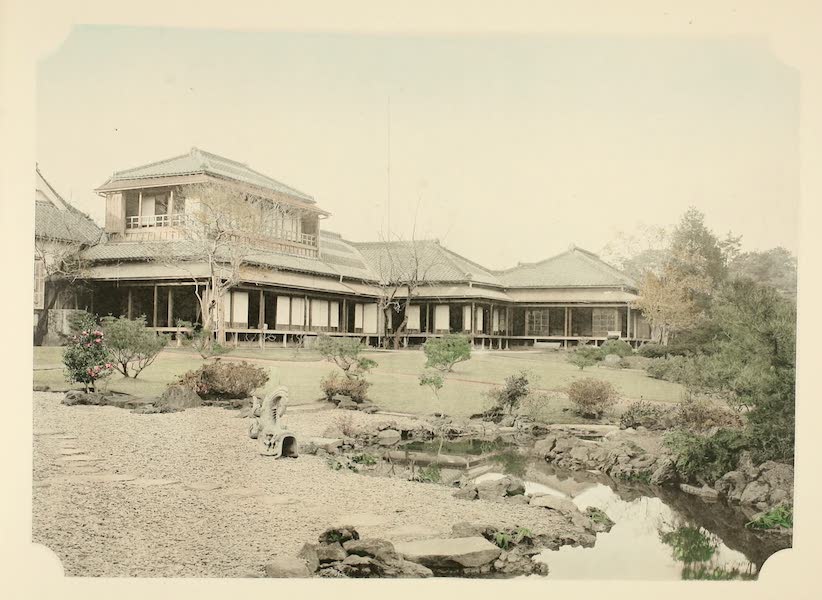 | A view of the house seen from the garden.
|
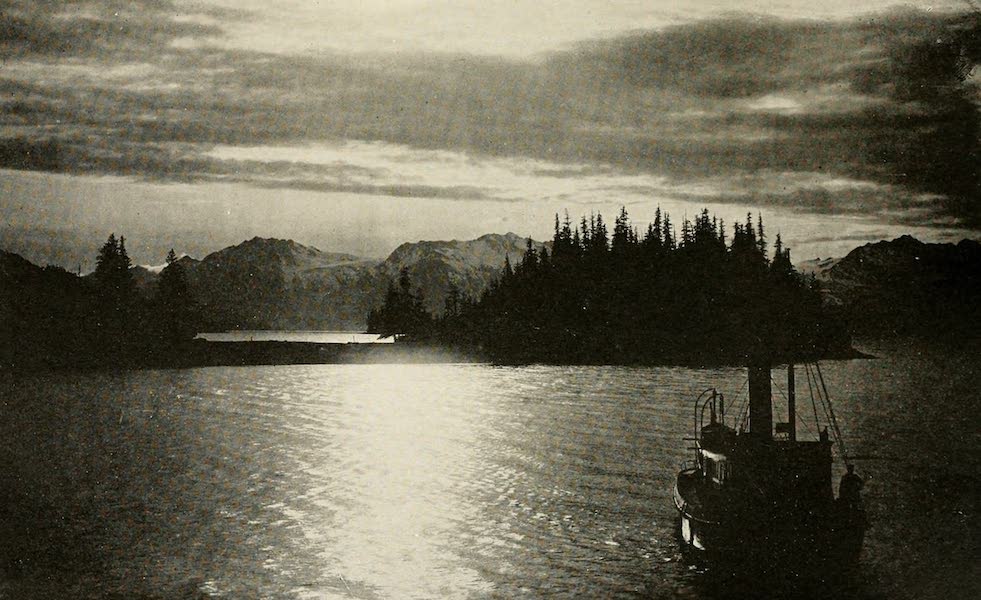 | A View of the Inside Passage
|
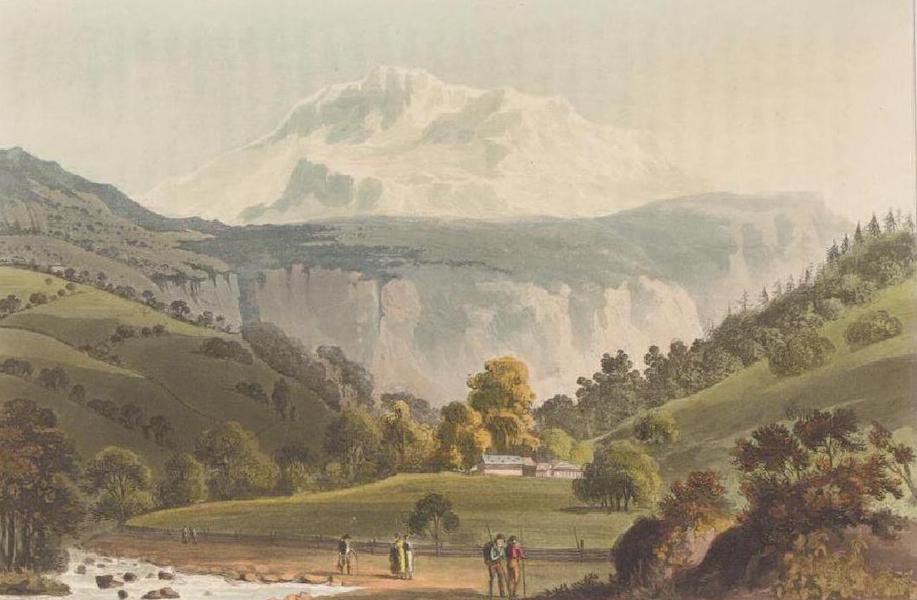 | A view of the Jungfrau
|
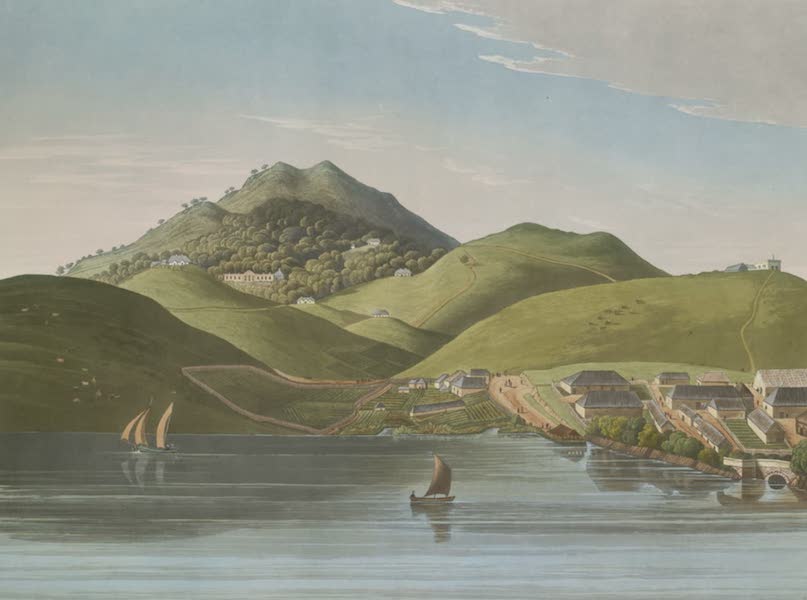 | A View of the Late Sir William Rumbold's House & the West End of the Bazaar
|
 | A view of the Linga or Lung, from the sea during the destruction of the Dow's &c Novr 16th 1809
|
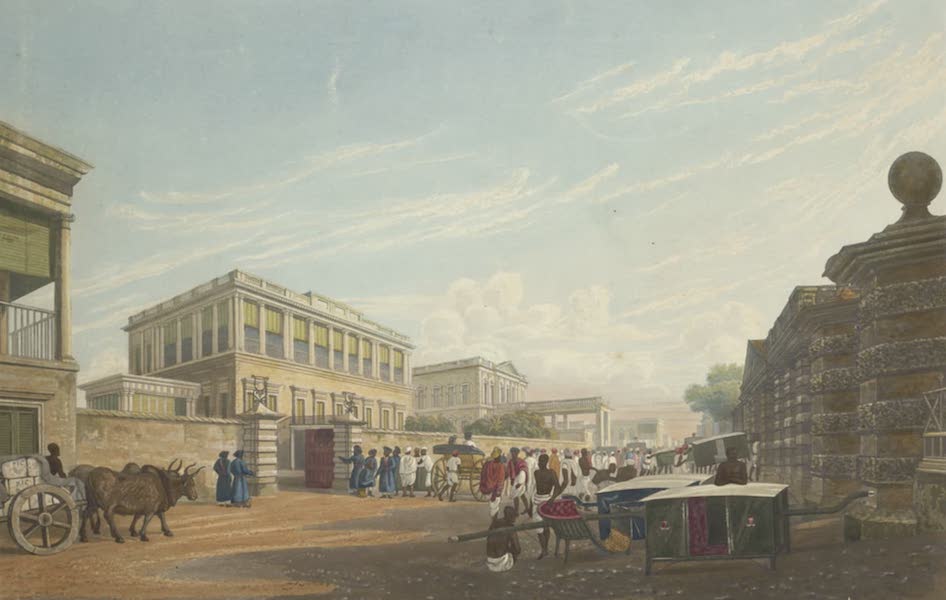 | A View of the Loll Bazaar, from opposite the House of John Palmer Esq.
This is plate 16 from James Baillie Fraser's 'Views of Calcutta and its Environs'. Fraser (1783-1856) arrived in Calcutta in 1814 and in six years produced these animated sketches of the busy city, published later as a collection of twenty-four superbly aquatinted plates. He included in this collection two views of the Lall Bazaar, "famous for its punch houses and other places of entertainment." From the junction with Mission Row, Fraser drew the view eastward down the length of the street. The grand house dominating the composition is the house of John Palmer, the so-called Prince of Merchants, which was sold shortly afterwards to the government and converted into a police station. Beyond it, on the intersection with Chitpore Road, is the house that served as a court for the Justices of the Peace. Opposite Palmer's house are the emporium and auction rooms of Taylor and Company. |
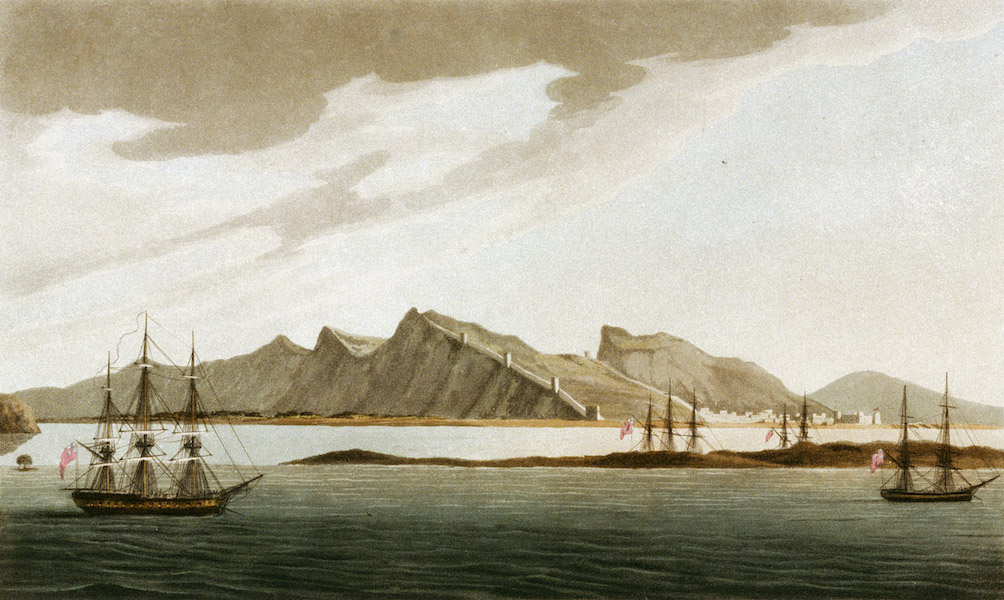 | A view of the Luft. 16th Nov 1809
|
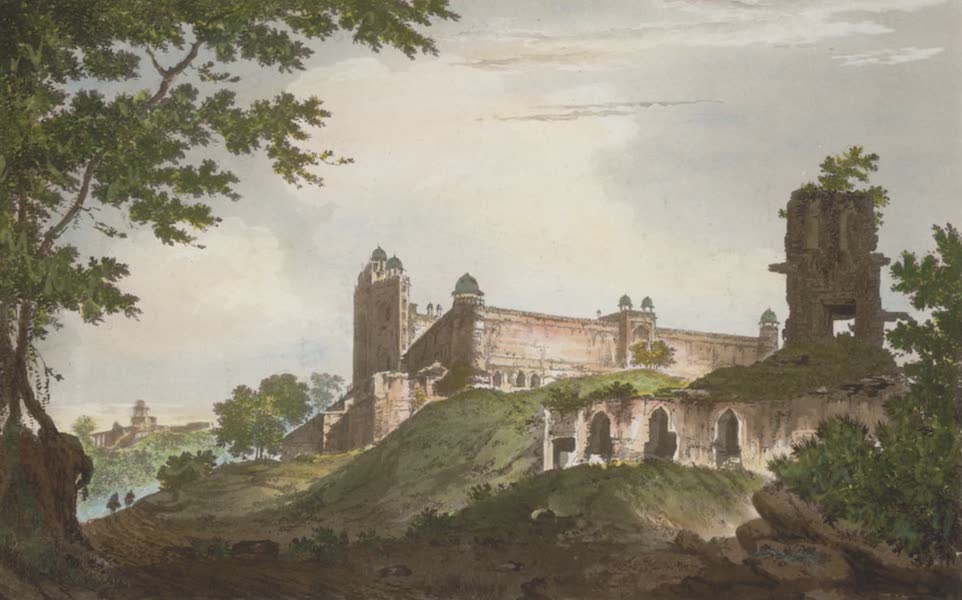 | A View of the Mosque at Futtipoor Sicri
This is plate 12 from William Hodges' book 'Select Views in India'. Fatehpur Sikri was built by the Mughal Emperor Akbar in the 1570s. The palace was abandoned by the time of Hodges' 1782 visit, but its main buildings were still intact. The mosque was built in 1571 and the great gateway on the left of the picture was added in 1576. Hodges found the Mosque a magnificent building designed "in a high style of Moorish architecture". |
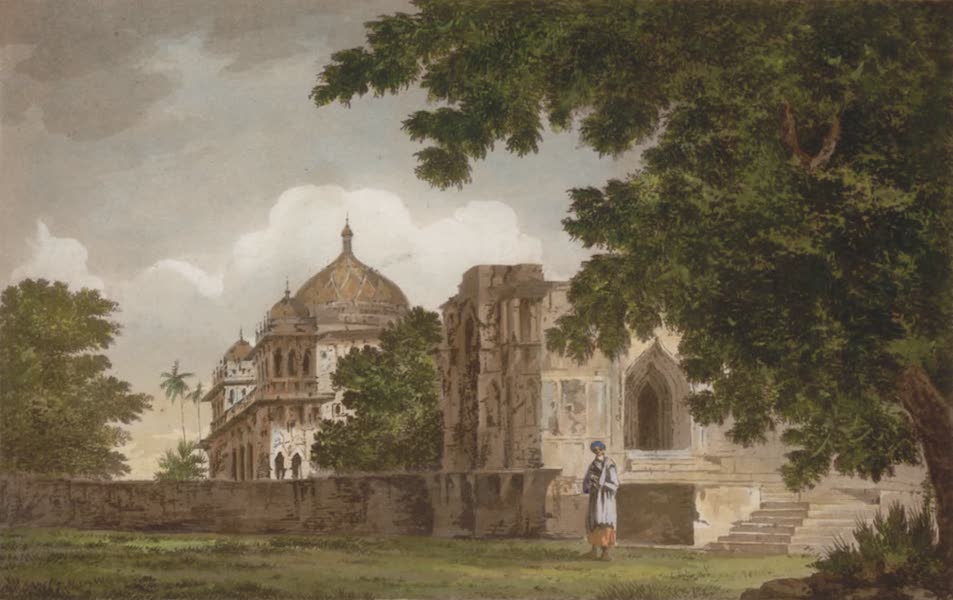 | A View of the Mosque, at Mounheer, from the S.E.
Plate 18 from William Hodges' "Select Views in India". Maner is a town on the bank of the river Son. It is close to the spot where the river Son joins with the Ganges. The mosque is part of a compound containing the tomb of Shah Daulat (1616). The compound was built by a local ruler during the reign of the Mughal emperor Jahangir (ruled 1605-27). Hodges compared it to a Gothic cathedral for the similarities in the entrance with colonettes and pointed arch. He also found that its 'majestic dome' with its inverted curve was more pleasing than the traditional European type with a crowning cupola. |
 | A View of the Mountains of Samen & the River Tacazze
|
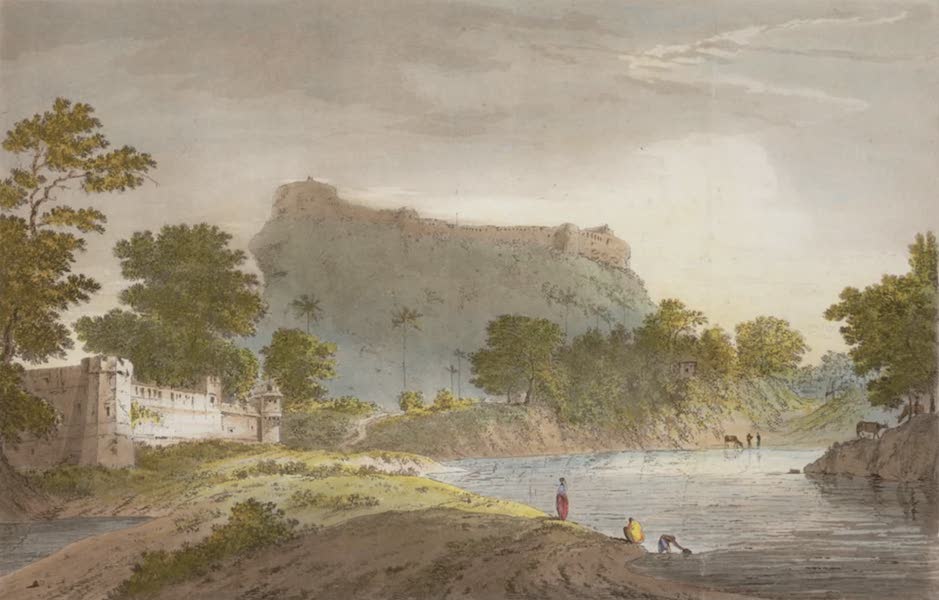 | A View of the North End of Chunar Gur
This is plate 2 from William Hodges' book 'Select Views in India'. Chunar' s strategic position made it an important town. The fort, known as Chunargarh, was built on a rocky promontory on the Ganges. It was a Mughal garrison for almost two centuries before it passed into the hands of the Nawabs of Oudh in 1750. After the Battle of Buxar in 1764 the British took control of it. William Hodges and his patron, the Governor General Warren Hastings, sought refuge in Chunargarh on the night of 21 August 1781, after Raja Chait Singh's rebellion against British rule. |
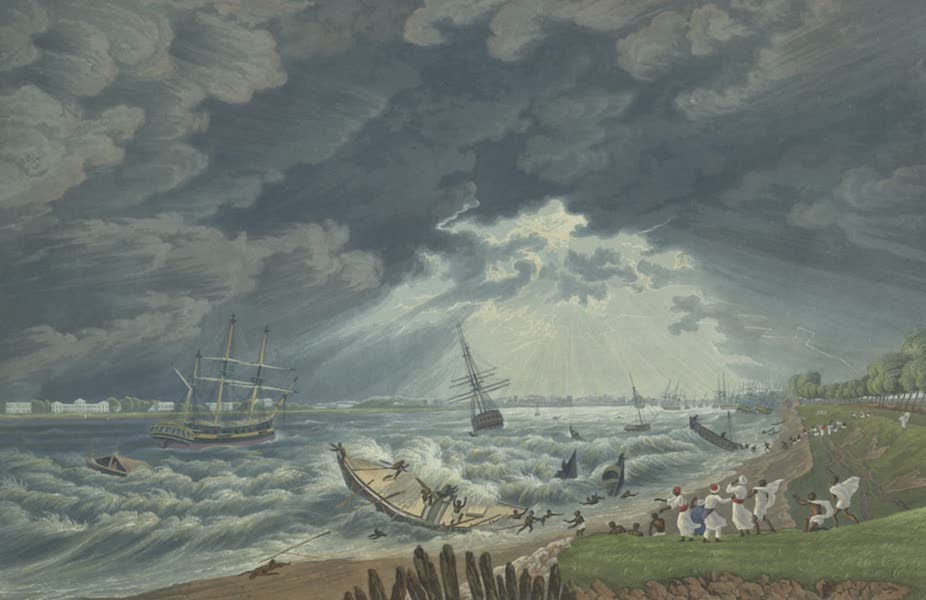 | A View of the opposite of Sulkhea Side, from the Respondentia Walk with a North-wester coming on
This is plate 7 from James Baillie Fraser's 'Views of Calcutta and its Environs'. Fraser (1783-1856) arrived in Calcutta in 1814 and in six years produced thse animated sketches of the busy city, published later as a collection of twenty-four superbly aquatinted plates. The Salkia Ghat is the bank opposite Chandpal Ghat, the main landing place for tourists. Fraser made a feature of the river in many of his views of Calcutta, and this dramatic print shows a storm approaching from the north-west. |
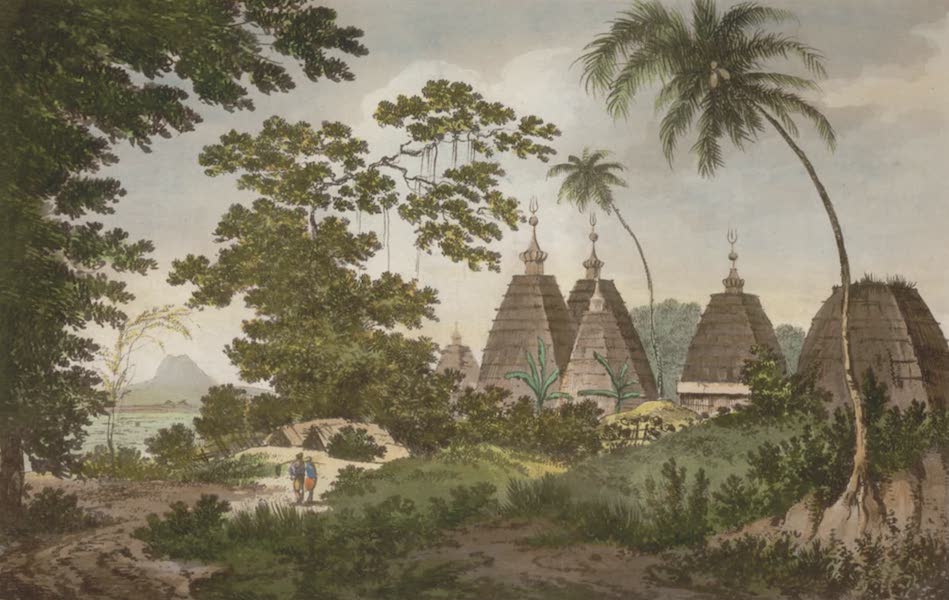 | A View of the Pagodas at Deogar
This is plate 22 from William Hodges' book 'Select Views in India'. Hodges saw the temples at Deogarh in 1782. He wrote that "the Pagodas at Deogur ... are in the earliest stage of Hindoo Buildings, simply Pyramids, by pieling stone on stone, without any light whatever within, but what comes from a small Door scarcely five feet high." He used this view together with the view of the 'Great Pagoda at Tanjore', to contrast what he saw as the early and the later stages of Indian architecture. |
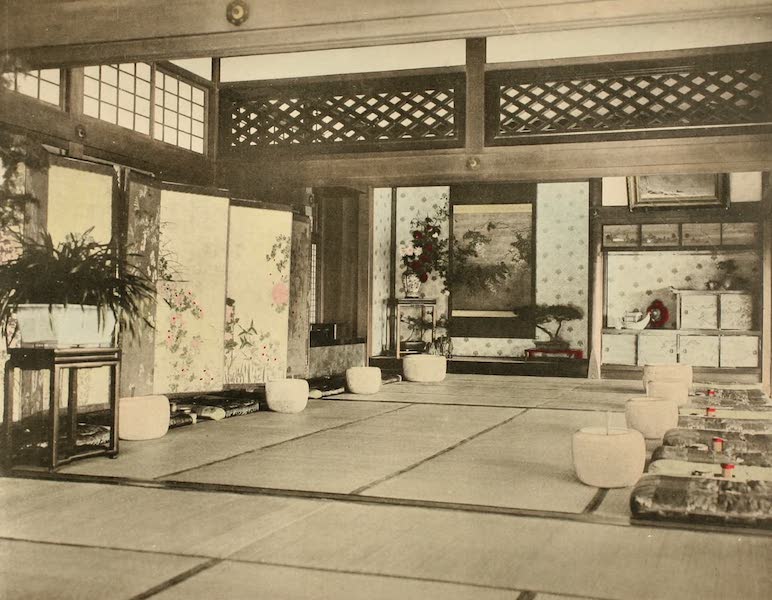 | A view of the parlor showing the tokonoma.
|
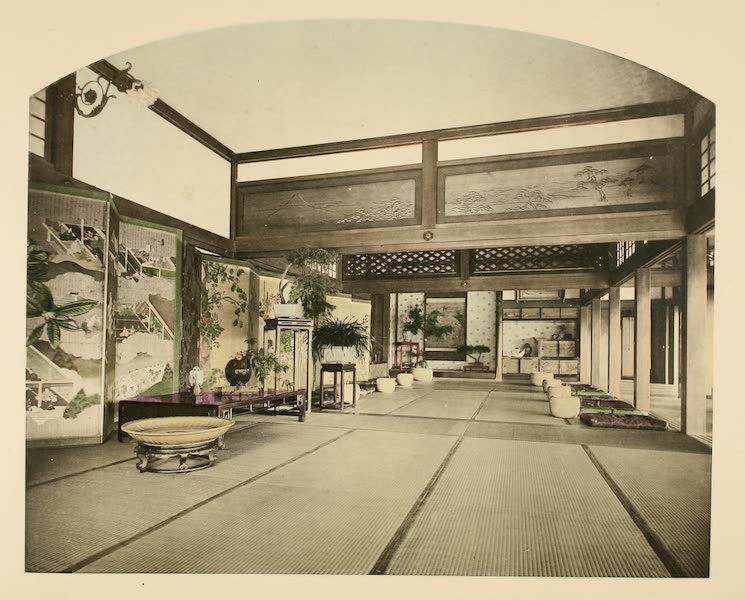 | A view of the parlor.
|
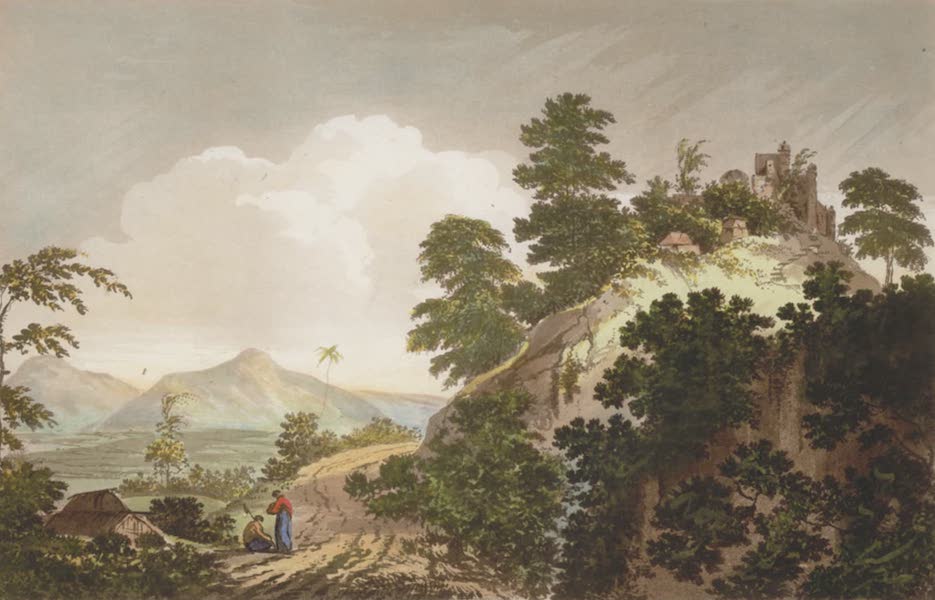 | A View of the Pass of Sicri Gully
This is plate 46 from William Hodges' book 'Select Views in India'. The village of Sakrigali is situated on the Ganges and lies at the base of the Rajmahal Hills. The top of the first promontory, which forms the boundary between Bengal and Bihar, is known as the Pass of Sakrigali. Hodges stopped there during his tour of India in 1781 and 1782. |
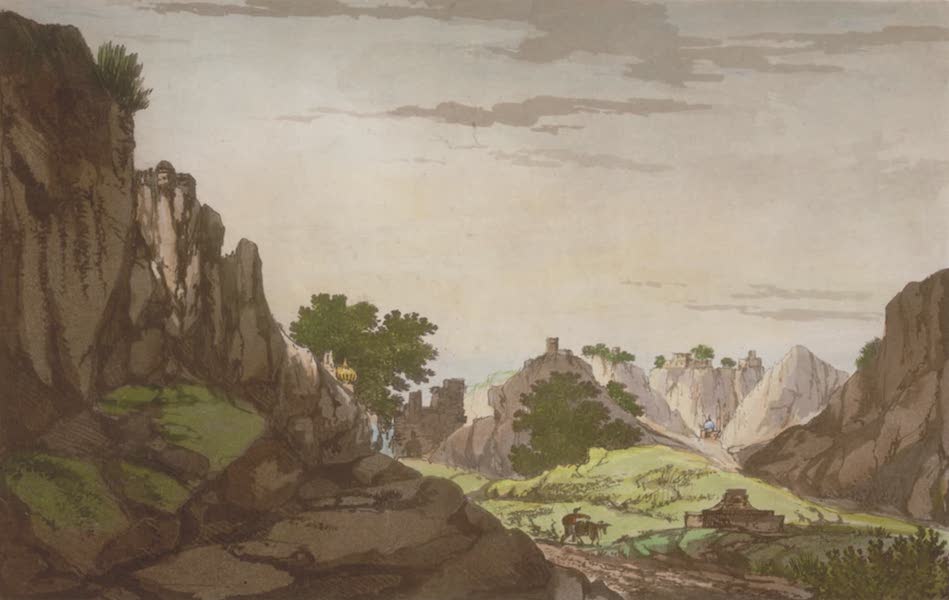 | A View of the Ravines at Etawa
This is plate 27 from William Hodges' book, 'Select Views in India'. Etawah is situated on the left bank of the river Yamuna and is divided in two parts by a wide ravine. The ravines were formed by the monsoon rain washing away the lowest part of the soil. The town of Etawah held some strategic importance since the Mughal Empire. Successively, it came under the control of the Marathas, the Nawabs of Oudh, and finally, in 1801, the East India Company. |
 | A View of the River, Shipping and Town, from near Smiths Dock
This is plate 18 from James Baillie Fraser's 'Views of Calcutta and its Environs'. Fraser (1783-1856) arrived in Calcutta in 1814 and in six years produced these animated sketches of the busy city, published later as a collection of 24 superbly aquatinted plates. This view was taken from the premises of Smith's Dock Company on the bank of the River Hooghly in Calcutta. |
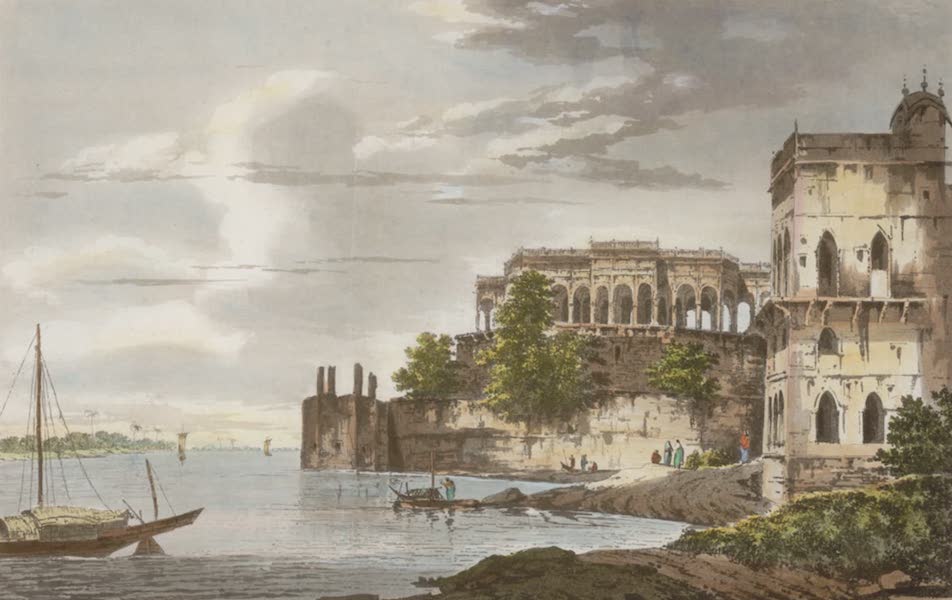 | A View of the Ruins of a Palace at Gazipoor on the River Ganges
This is plate 7 from William Hodges' book 'Select Views in India'. This picture shows the riverside palace of Faiz Ali Shah at Ghazipur. Hodges went to Ghazipur in 1781 and saw this and many other buildings erected under Ali Shah's patronage. He had been chosen as governor of Ghazipur by Shuja ud-Daulah, the Nawab of Oudh from 1754 to 1775. |
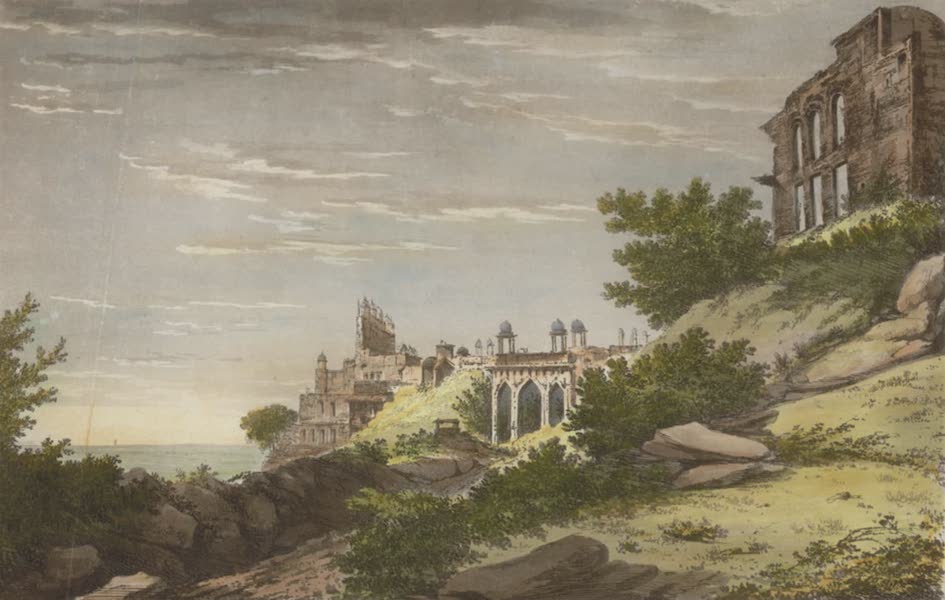 | A View of the Ruins of Part of the Palace and Mosque at Futty poor Sicri
This is plate 11 from William Hodges' book 'Select Views in India'. The royal city of Fatehpur Sikri, south-west of Agra, was built by the orders of the Mughal Emperor Akbar in the 1570s. The city served as his capital, and contained ornate palace buildings, tombs and a large mosque. When William Hodges saw Fatehpur Sikri in 1782 he remarked that the palace "is in total ruin ... the only part which serves to give an idea of its former grandeur is the principal gate". |
 | A View of the Scenery of the American Plantations
|
 | A View of the Scotch Church, from the Gate of Tank Square
This is plate 12 of James Baillie Fraser's 'Views of Calcutta and its Environs'. Fraser (1783-1856) arrived in Calcutta in 1814 and in six years produced animated sketches of the busy city, published later as a collection of twenty-four superbly aquatinted plates. He included in his collection five views of Tank Square. This is one of two that provides us with a view of St Andrew's church in the north-east corner of the square, on the site of the demolished Old Court House. A congregation of the Church of Scotland was formed here in 1815 by the Reverend James Bryce. The government supplied the site and private money was employed to build a kirk. In the meantime, the Exchange Building across the square was used as a church. The kirk was ready to worship in March 1818. Fraser's view from the eastern gate of Tank Square shows "the Doric southern portico crowned by its handsome spire ... Behind the church may be seen part of the colonnade of the premises of the coach-builders James Stewart and Company". |
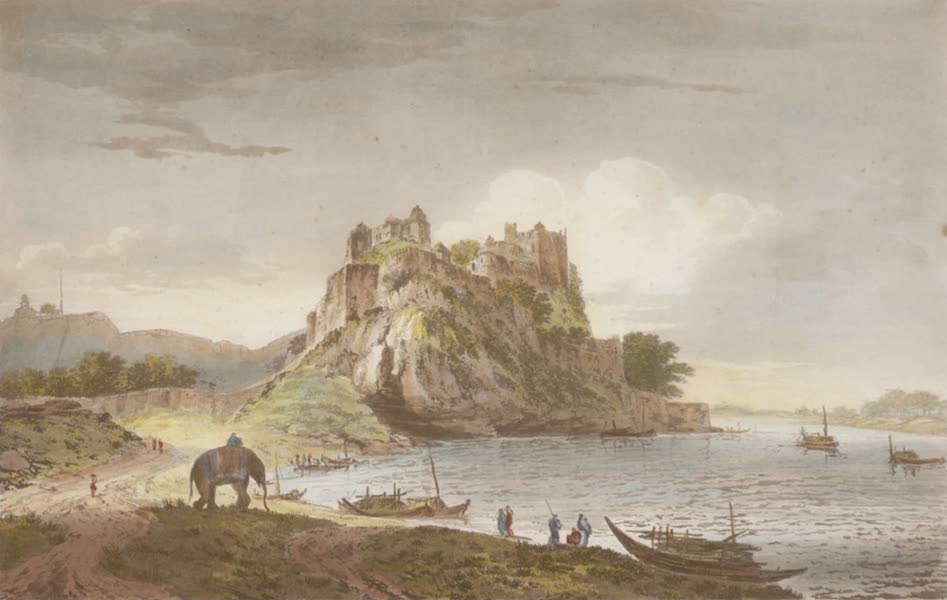 | A View of the So. West Side, of Chunar Gur
This is plate 3 from William Hodges' book, 'Select Views in India'. Chunar was once a strategically important town, particularly when it was under Mughal control. The fort, on a rocky promontory on the Ganges, served as a Mughal garrison for almost two centuries and passed in 1750 into the hands of the Nawabs of Oudh. The British took control of it in 1764 after the Battle of Buxar. William Hodges and his patron, the Governor General of India Warren Hastings, sought refuge in Chunargarh on the night of 21 August 1781, wheb Raja Chait Singh began his rebellion against British rule. |
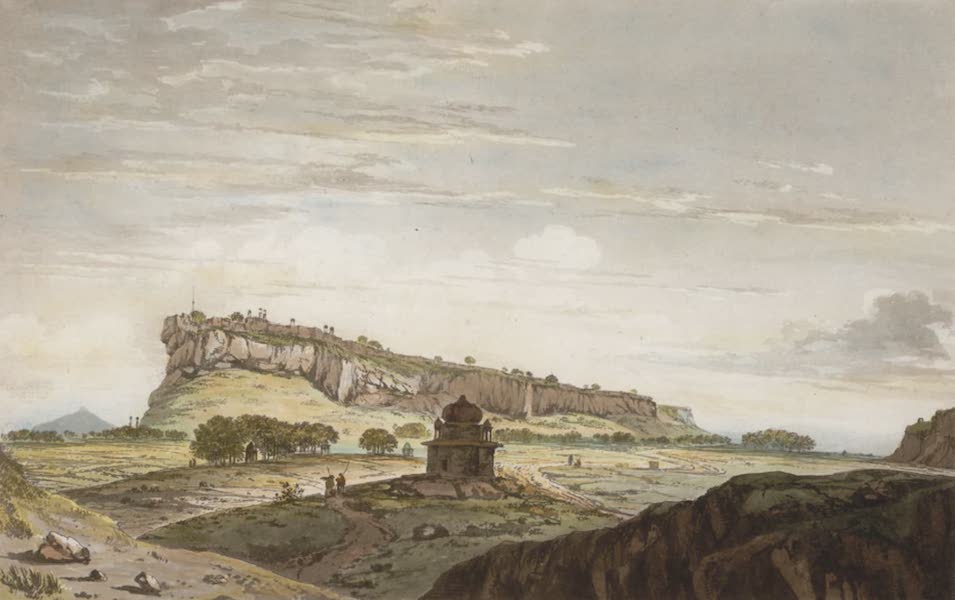 | A View of the South Side of the Fort of Gwalior
This is plate 6 from William Hodges' book, 'Select Views in India'. Gwalior had been the capital of an influential state and was renowned for its huge fortress, built on a narrow and long rocky hill of sandstone. The fortress, with its impressive line of battlements and bastions, was considered impregnable until 1780, when a small group of British soldiers scaled the walls during the night and captured it. |
 | A View of the Town Hall
This is plate 11 from James Baillie Fraser's 'Views of Calcutta and its Environs'. Fraser (1783-1856) arrived in Calcutta in 1814 and in six years produced these animated sketches of the busy city, published later as a collection of twenty-four superbly aquatinted plates. Fraser wrote: "The Old Court House in Tank Square had been used as a place of public entertainment, but its demolition in 1792 left Calcutta without any grand halls for public suppers or dances. It was resolved to in February 1804 to erect a Town Hall for this purpose, and a lottery was proposed to raise the money. It was apparently already designed (by Colonel John Garstin of the Engineers) before Wellesley left Calcutta in 1805, but it was not completed until 1813 under Lord Minto." |
 | A View of the West Side of Tank Square
This is plate 22 from James Baillie Fraser's 'Views of Calcutta and its Environs'. Fraser (1783-1856) arrived in Calcutta in 1814 and in six years produced these animated sketches of the busy city, published later as a collection of 24 superbly aquatinted plates. He included in his collection five views of Tank Square. This image shows the square's west side, where "the gate to the tank faces Koila Ghat Street, on the right of which is the old export warehouse built up against the southern edge of the Old Fort". Part of the latter was demolished in 1819 to build up the new Customs House, which is outside the present view. At the south-west corner of the Square, Council House Street leads down to Esplanade Row. On the corner of Council House Street and the square is the building where the first Public Exchange and Coffee House in Calcutta were situated. This did not perform very well, and was subsequently leased by Lord Wellesley for his College of Fort William. |
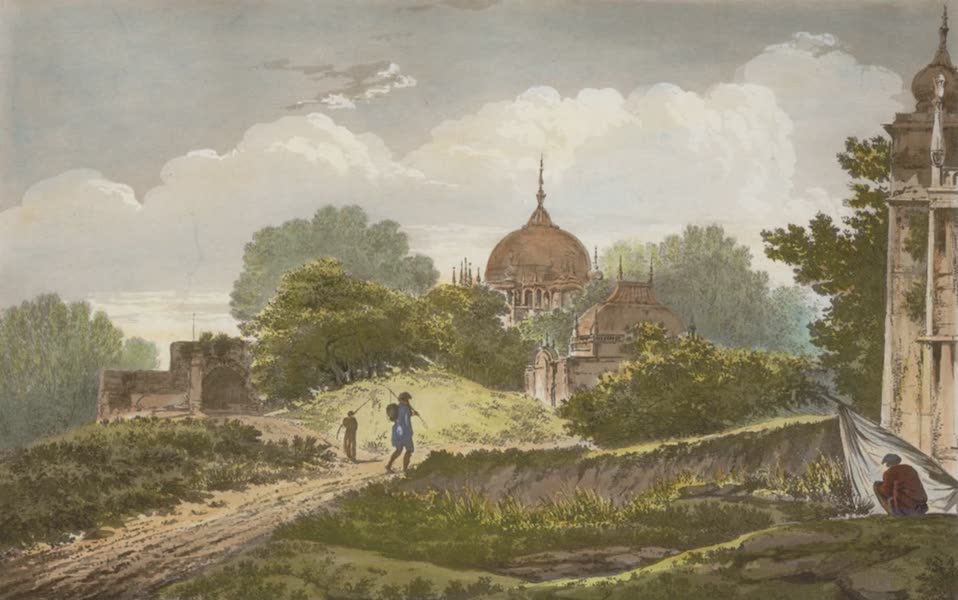 | A View of Tombs at Ghazipoor
This is plate 8 from William Hodges' book 'Select Views in India'. This aquatint by William Hodges is based on his own 1781 drawing, made at Ghazipur. Shujah ud-Daulah, who was the Nawab of Oudh from 1754 to 1775, assigned the governship of Ghazipur to Faiz Ali Khan. At the time of Hodges' visit, several edifices erected by Faiz Ali Khan still remained. |
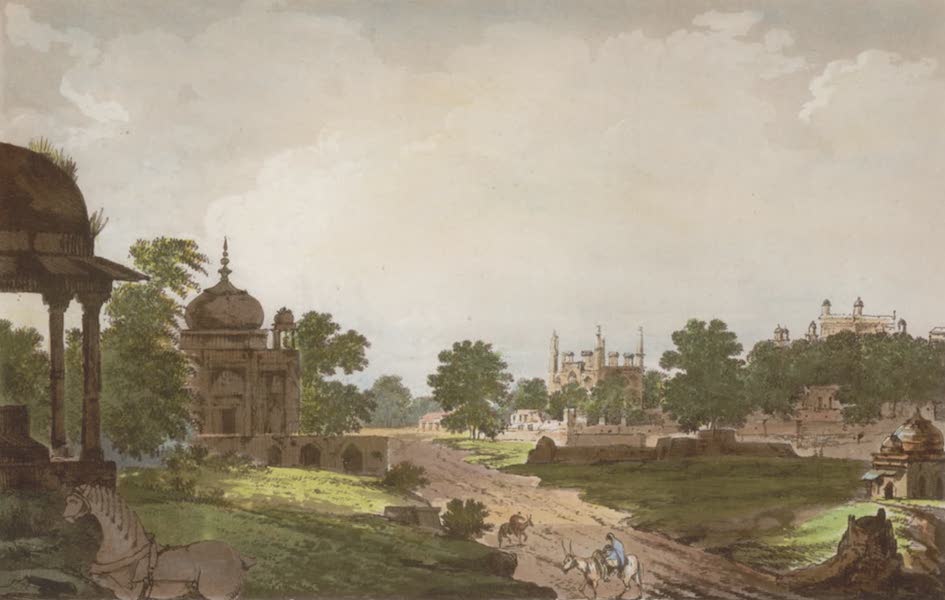 | A View of Tombs at Secundrii near Agra
This is plate 40 from William Hodges' book 'Select Views in India'. In 1783 Hodges went to Sikandra, which is near Agra. It takes its name frin Sikander Lodi (1489-1517), one of the last kings of the Delhi Sultanante. Along the road from Delhi to Agra there are many monuments and several tombs, about which Hodges wrote: "the tradition is that these tombs were raised by Akbar for favourite women of his zenanah and placed round the monument he was raising for his own future interment. The tomb of the Emperor is seeing towering above the trees." |
 | A View of Trematon Castle
|
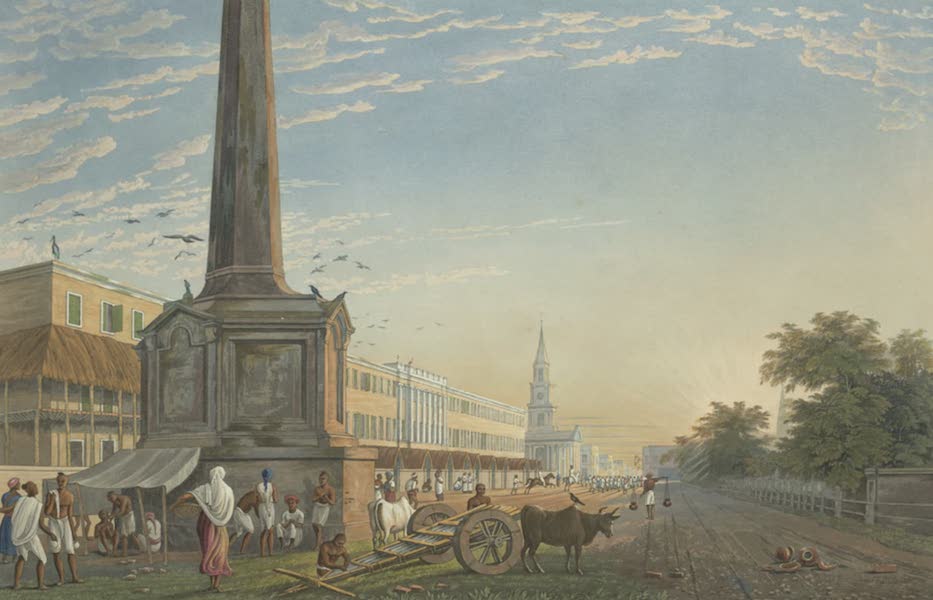 | A View of Writers Buildings, from the Monument at the West End
This is plate 6 from James Baillie Fraser's 'Views of Calcutta and its Environs'. Fraser (1783-1856) arrived in Calcutta in 1814 and in six years produced these animated sketches of the busy city, published later as a collection of twenty-four superbly aquatinted plates. The accompanying text reads: "[Fraser's] view at sunrise from the west of the Writer's Buildings shows us a close-up of the Holwell monument to the Black Hole now in the last years of its existence. It was taken down by the order of the Marquess of Hastings in 1821, on the grounds of its increasing unsightliness. Built only of brick and plaster, it had also obviously become a kind of lounging place, where barbers plied thier trade. An impromptu verandah has been added all along the facade of Writer's Buildings. At the far end of the square we catch our first glimpse of the new St. Andrew's Church." |
 | A view on the Amoor
|
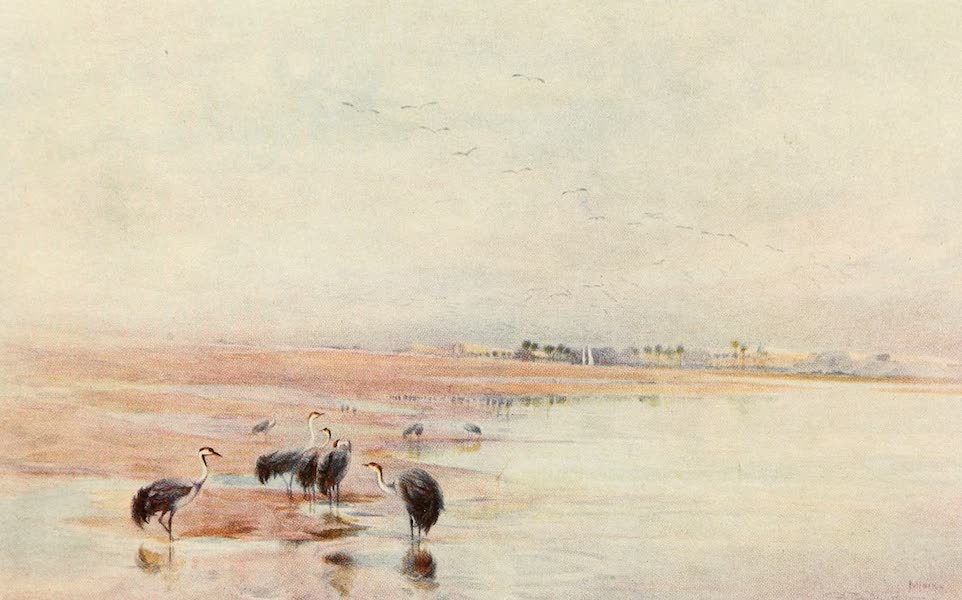 | A View on the Nile near Minieh
|
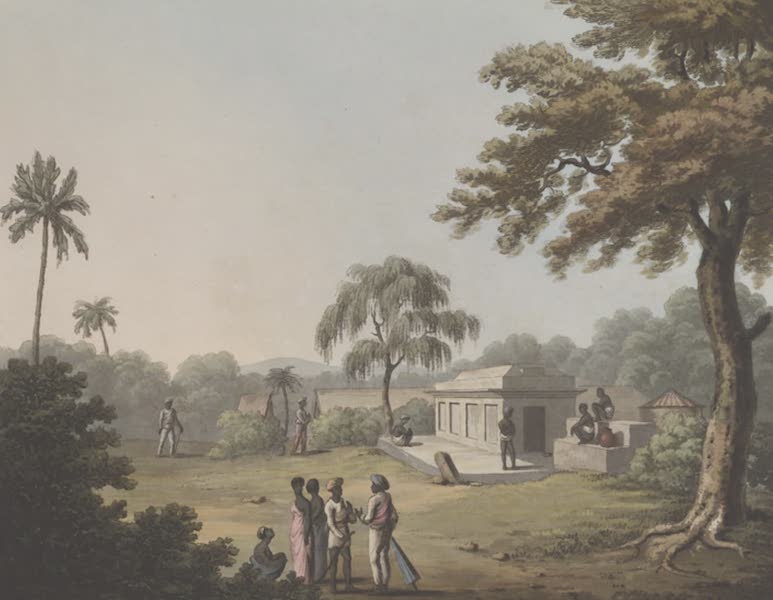 | A View on the Road at Struppermador
Plate twenty four in 'Picturesque Scenery in the Kingdom of Mysore' by James Hunter. This aquatint is based on a picture by Hunter showing a tomb Sriperumbudur, Tamil Nadu. Sriperumbudur is best known as the birthplace of the 11th Century Hindu philosopher, Ramanuja. |
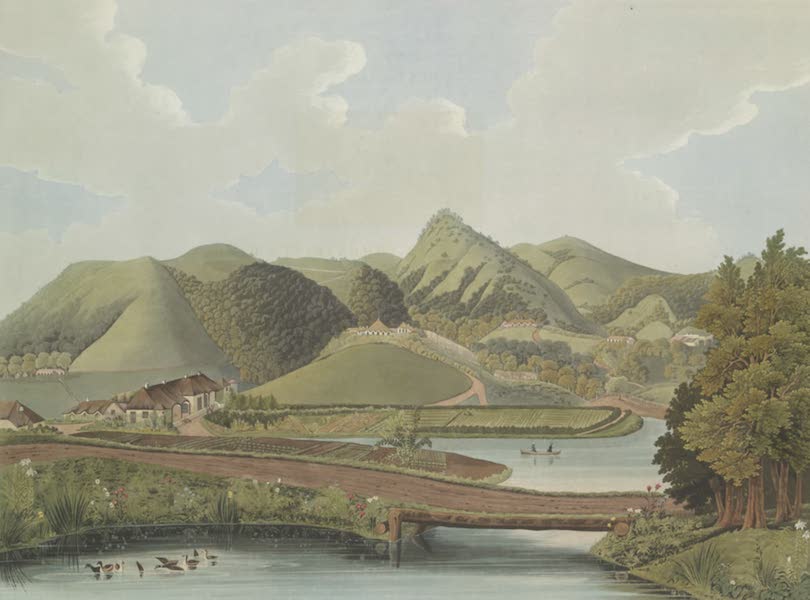 | A View taken in the Commandant's Garden, looking North East, including C. M. Lushington's House and Kelsoe Land
|
 | A view within the Fort of Monghyr
Situated near Bengal, the fort at Monghyr was strategically important. The Mughal minister Raja Todar Mal occupied it while quelling Bengali rebel forces. It later hosted the Mughal Emperor Aurangzeb's brother, Shuja, during the struggle between the brothers for power. Mir Qasim Ali, the Nawab of Bengal, then used it as a base in his battle against the British. When Mir Qasim was defeated in 1764 the fort lost its importance, and by the time of this image the ancient town of Monghyr was full of convalescing sepoys (soldiers). The Governor General, Lord Cornwallis, had a country house in Monghyr. Now called Munger, it is in the state of Bihar. |
 | A View Within the Walls of a Pagoda, Madras
Plate six from '24 Views in Indostan by William Orme'. This aquatint is based on a picture by Francis Swaine Ward (1736-94). It shows the interior of a South Indian temple complex. On the left side there is a choultry where people visiting the temple could rest in the shade. On the left is the back side of a shrine. |
 | A Villa Garden, Lago d'Orta
|
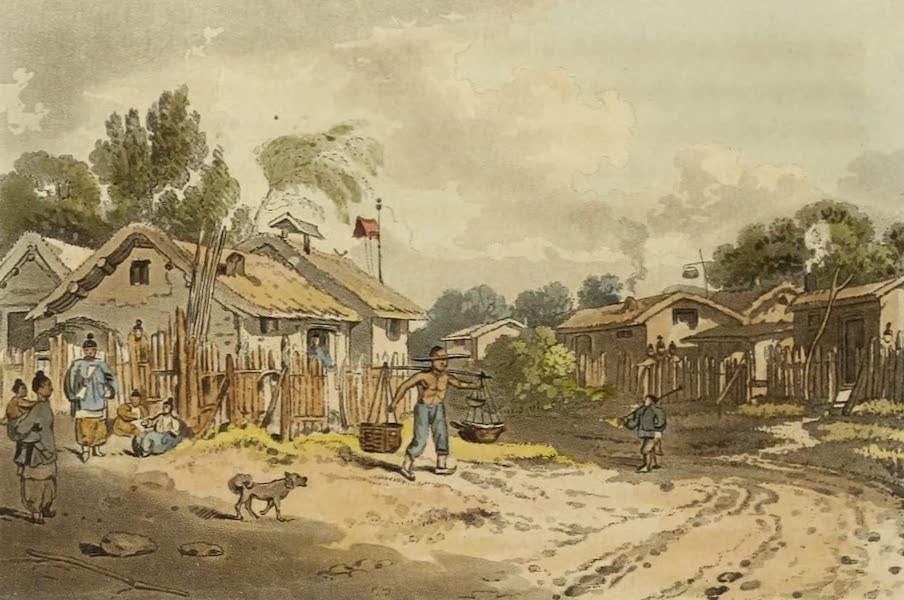 | A village and Cottages
|
 | A Village at Dukala
|
 | A Village Girl of Upper Austria carrying Milk to Market
|
 | A Village Girl of Upper Austria, carrying Milk to Market
|
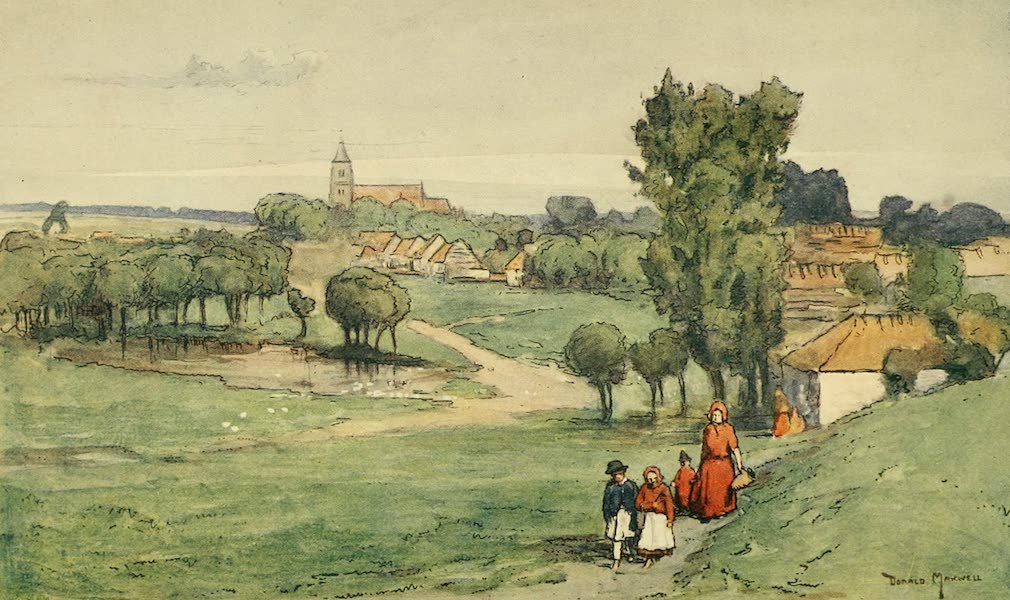 | A Village in Galicia
|
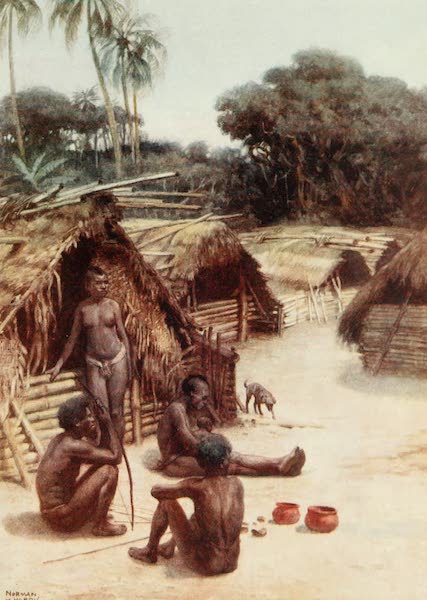 | A Village in Santo, New Hebrides
|
 | A village near Kubooman
|
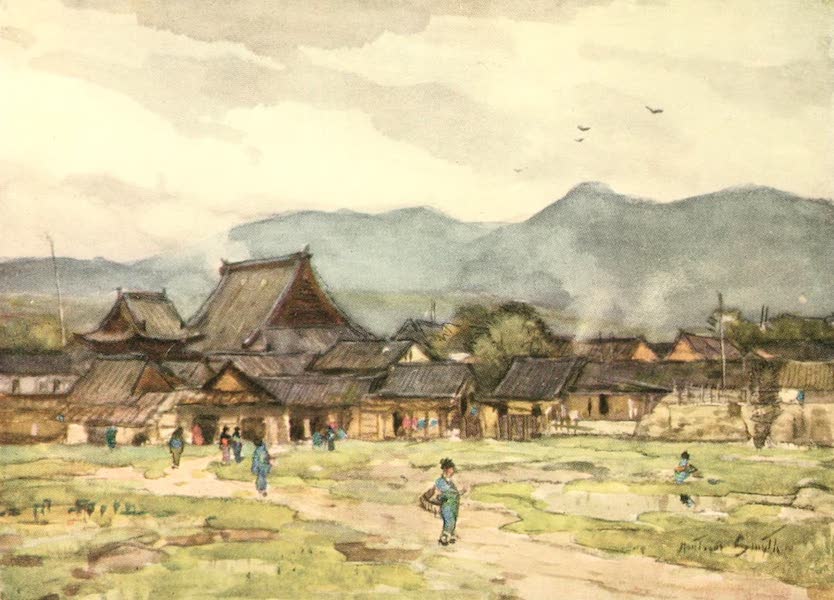 | A Village of Farmers near Kyoto
|
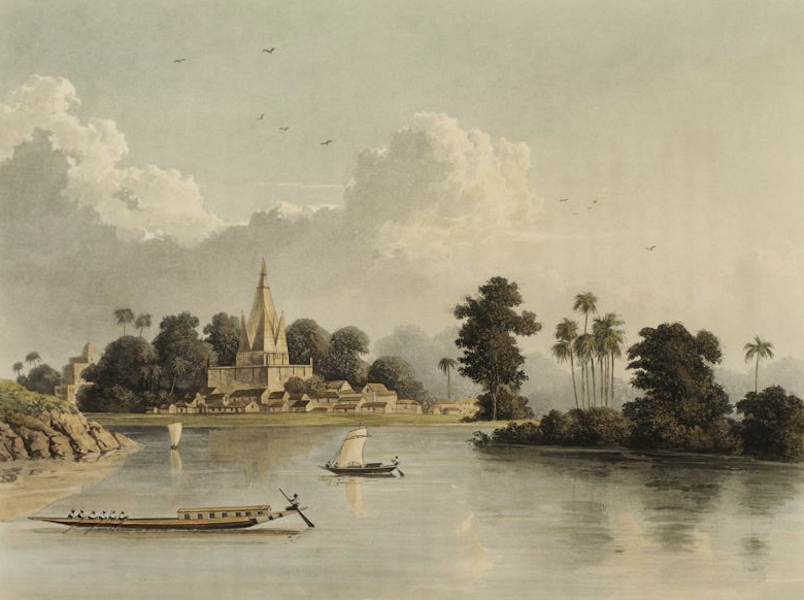 | A Village on the Ganges above Boglipore
This is plate 9 from Charles Ramus Forrest's 'A Picturesque tour along the rivers Ganges and Jumna, in India'. Forrest was an East India Company official who made excursions along the rivers, producing drawings "attentively copied from nature, and in many instances coloured on the spot, ... while the magic effects of the scenes represented were still impressed on his mental vision." Forrest and his companions landed their ferry-boat near a small village "very prettily situated in a creek, which runs inland from the river, and in some few miles above the station of Boglipore". While there they experienced "one of those violent storms or hurricanes which not unfrequently occur after a hot and sultry day. The rapidity of its approach, the violent impetuosity of its blast, the heavy pour of rain, with the vivid lightning and awfully loud and crashing thunder, conspired to produce an effect sublimely terrific". |
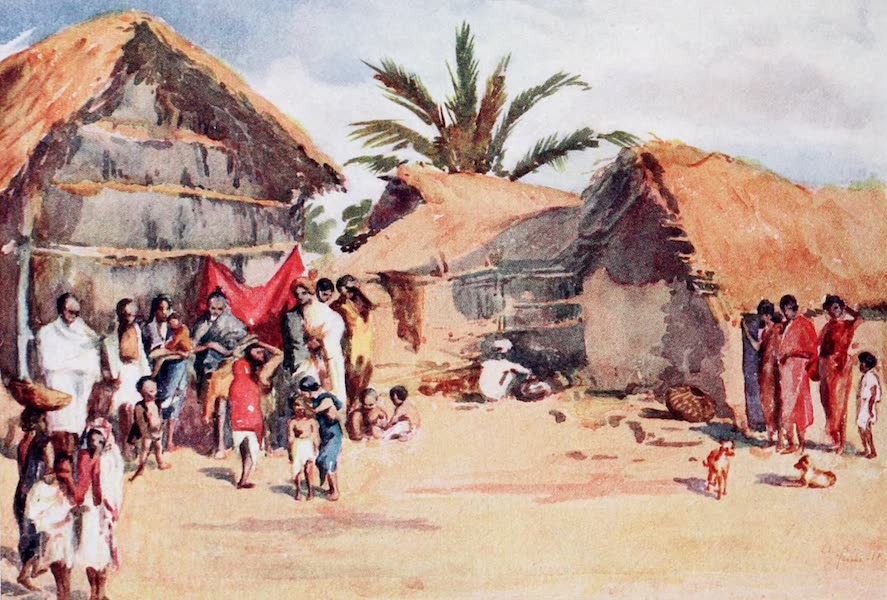 | A Village Scene in Kalbundipore, Mysore
|
 | A Village Shop
|
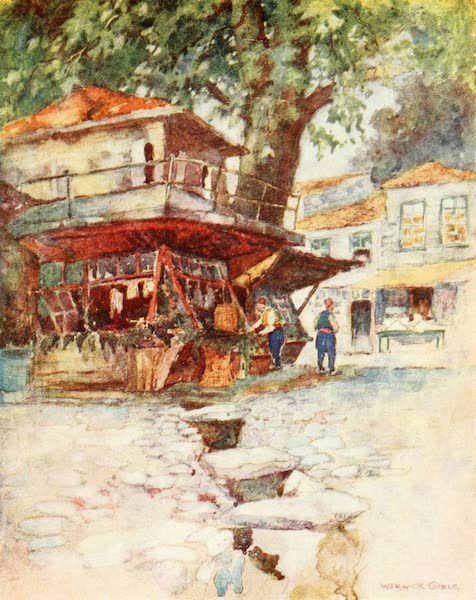 | A Village Store at Kavak
|
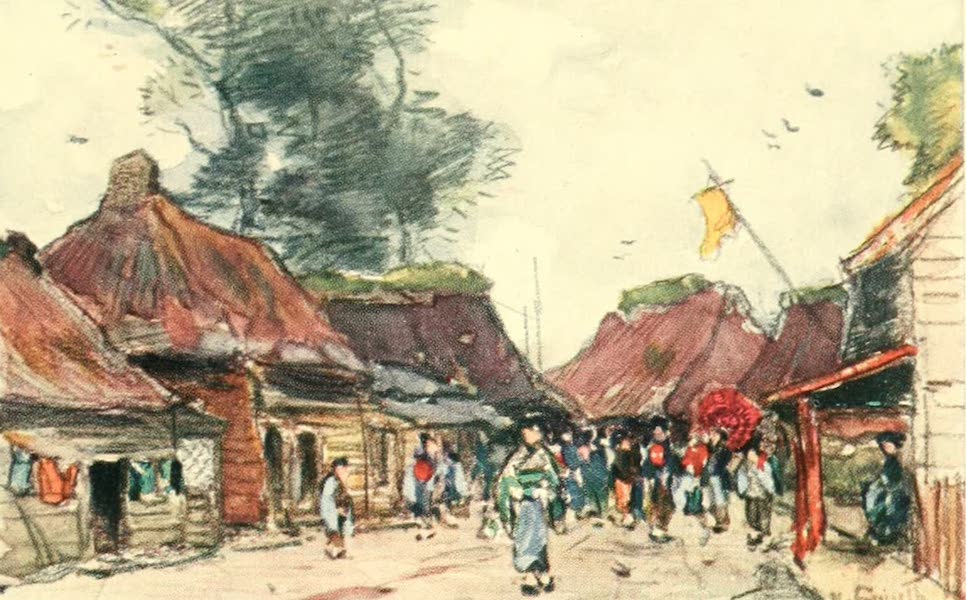 | A Village Street at Festival Time
|
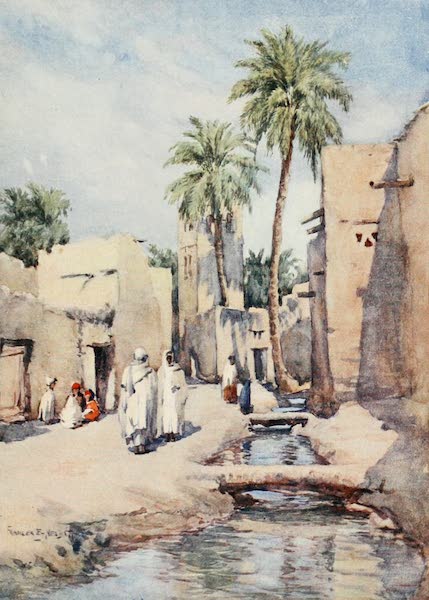 | A Village Street, Biskra
|
![A Village [III]](https://historyarchive.org/images/books/books-r/rural-residences-1818/plates/19-a-villa-III.jpg) | A Village [III]
|
![A Village [II]](https://historyarchive.org/images/books/books-r/rural-residences-1818/plates/18-a-villa-II.jpg) | A Village [II]
|
![A Village [I]](https://historyarchive.org/images/books/books-r/rural-residences-1818/plates/17-a-villa-I.jpg) | A Village [I]
|
 | A Vintage
|
 | A Viper-seller
|
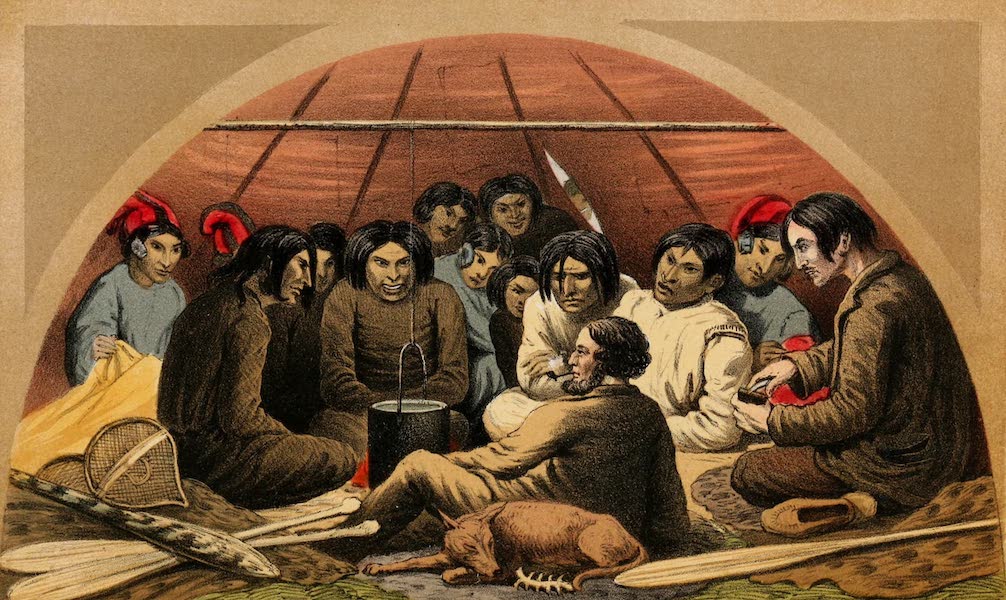 | A Visit to Otelne in His Lodge
|
 | A Visit to the "Lone Cypress"
|
![A Volunteer Trooper of the Meerut Khakee Ressalah [Frontispiece]](https://historyarchive.org/images/books/books-s/service-and-adventure-with-the-khakee-ressalah-1858/plates/03-a-volunteer-trooper-of-the-meerut-khakee-ressalah.jpg) | A Volunteer Trooper of the Meerut Khakee Ressalah [Frontispiece]
|
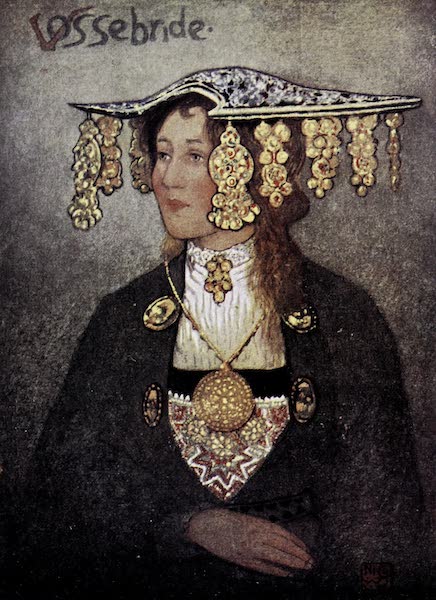 | A Vosse Bride
|
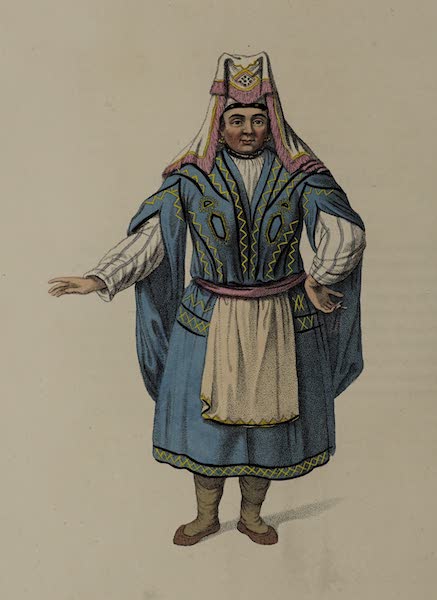 | A Votiakian Woman
|
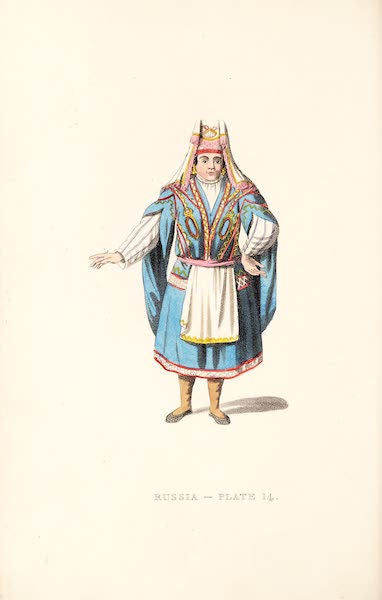 | A Votiakian Woman
|
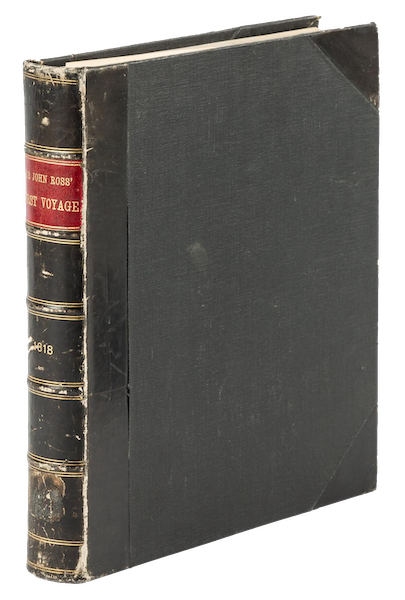 | A Voyage of Discovery (1819) - Book Display
|
 | A Voyage of Discovery (1819) - Title Page
Title Page for A Voyage of Discovery (1819) |
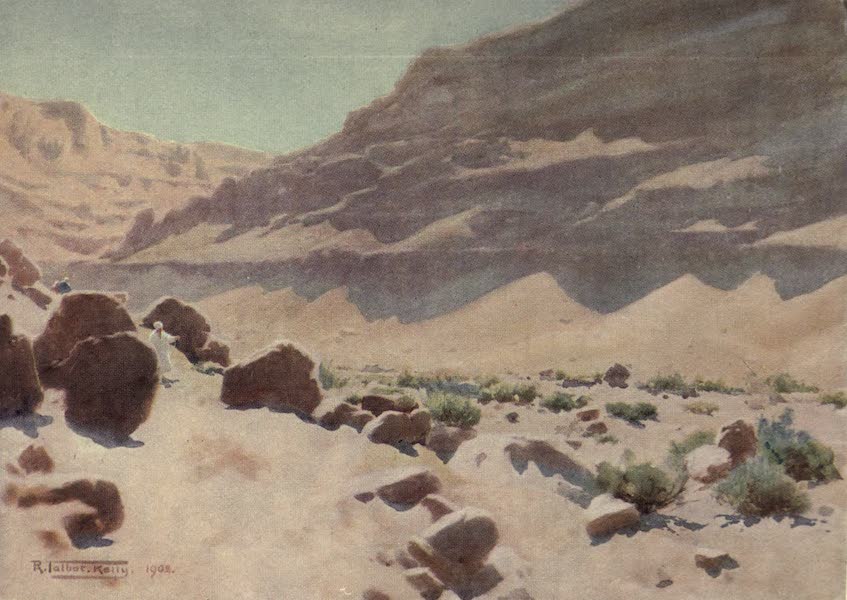 | A Wady in the Mokattam Hills
|
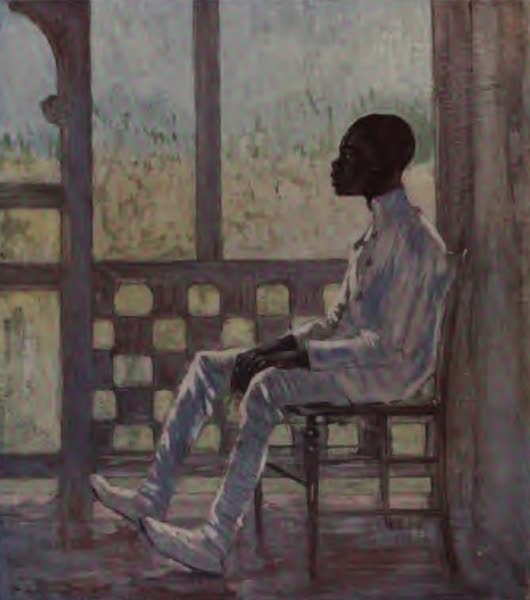 | A Waiter
|
 | A Walcheren Milk-cart
|
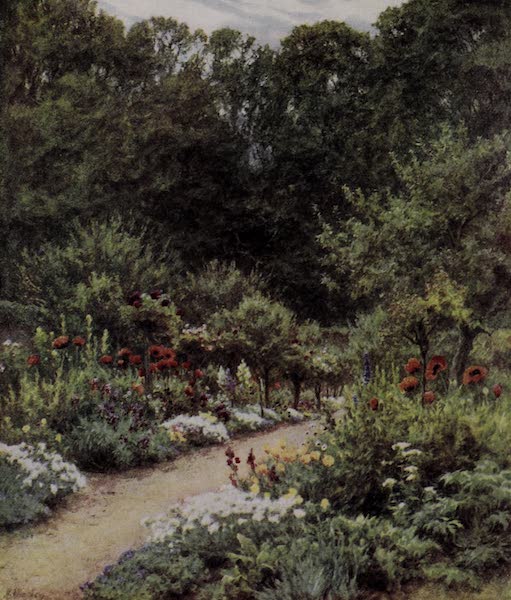 | A Walled Garden
|
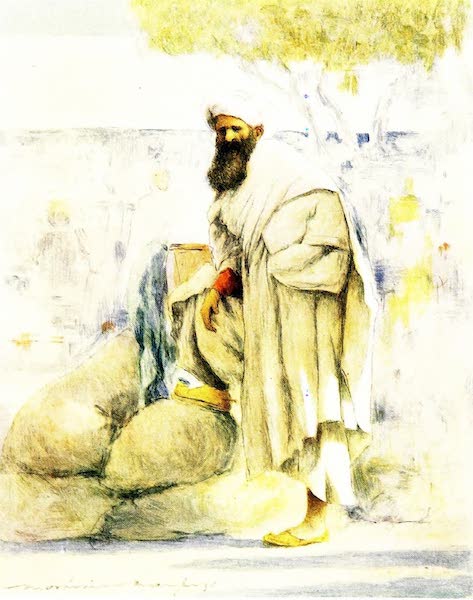 | A Wandering Grain-merchant
|
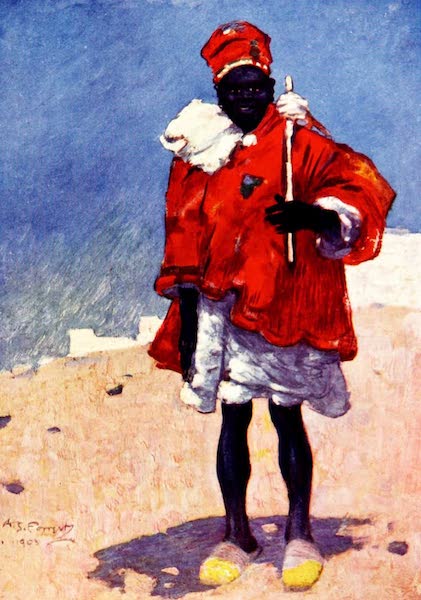 | A Wandering Minstrel
|
 | A Ward in the Hospital at Scutari
|
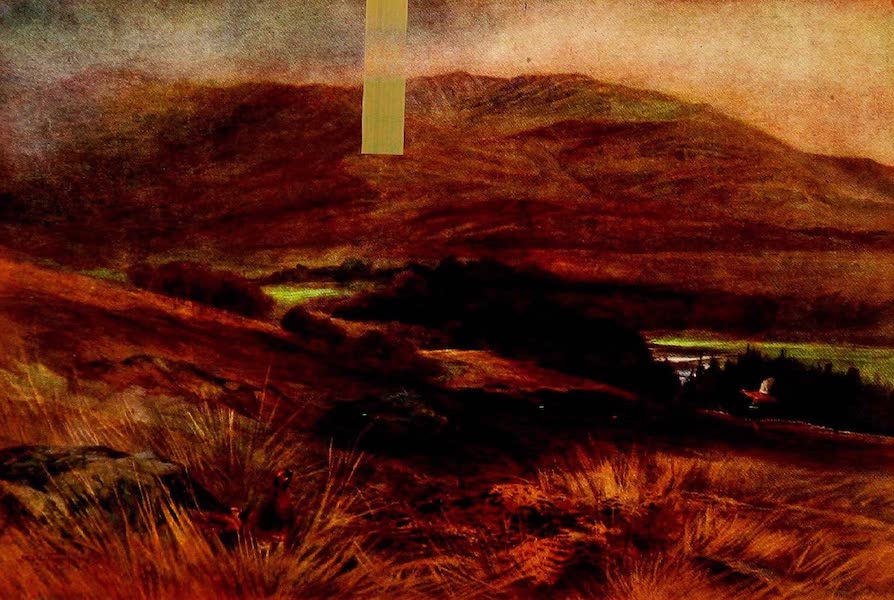 | A warm Slope that the Grouse love in the Springtime
|
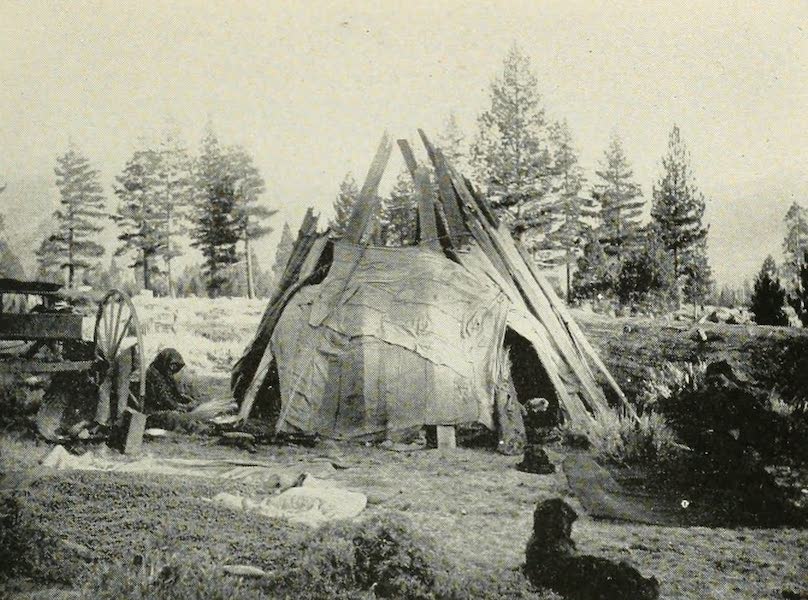 | A Washoe indian Campoodie, Near Lakeside Park, Lake Tahoe
|
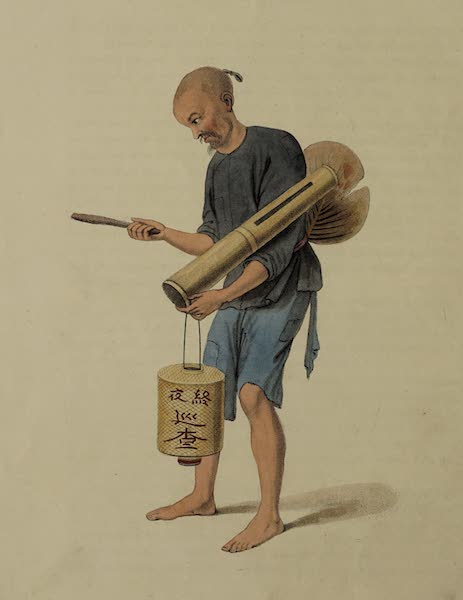 | A Watchman
|
 | A Water Carrier
|
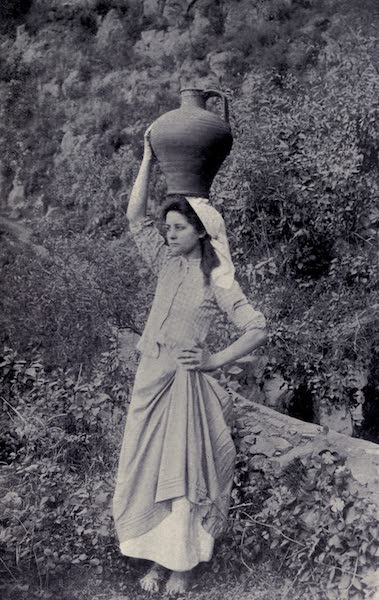 | A Water Carrier
|
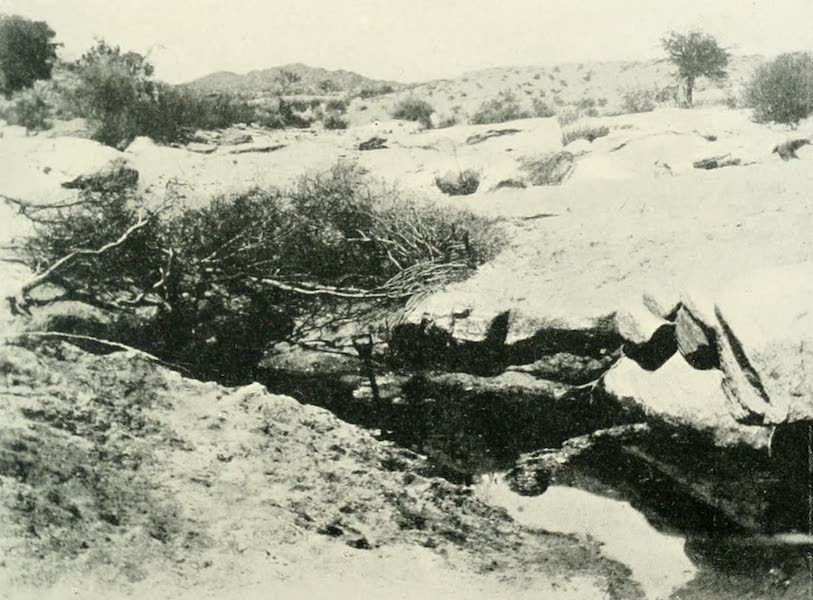 | A Water Hole in the Kalahari Desert
|
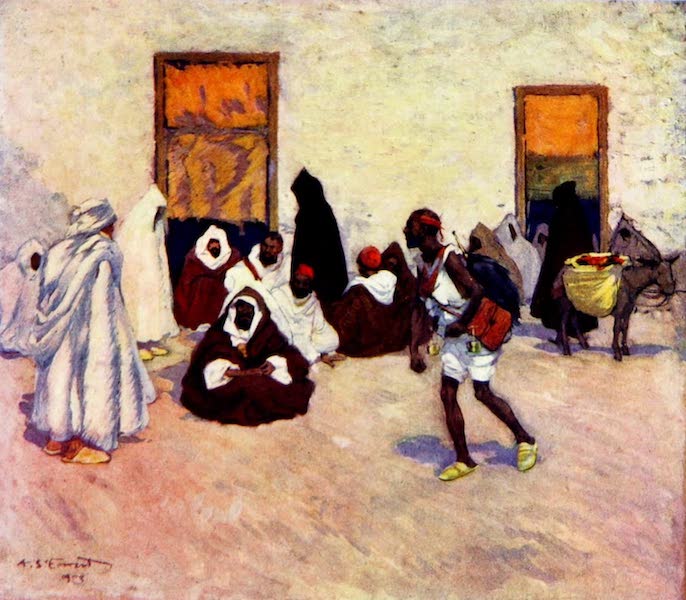 | A Water Seller, Marrakesh
|
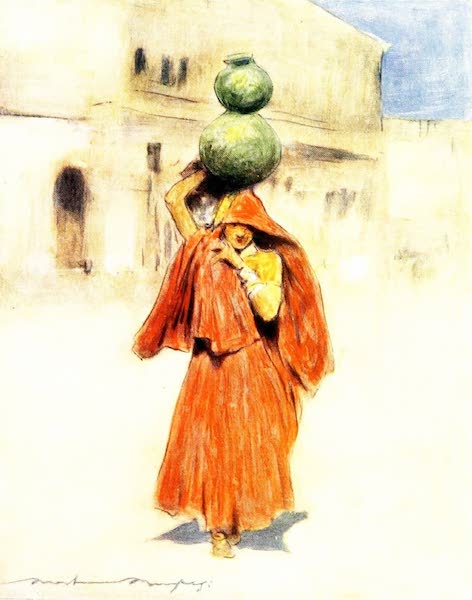 | A Water-carrier
|
 | A Water-pot (silver)
|
 | A Water-pot (silver) and Braziers for incense
|
 | A Water-side Mosque at Menzala
|
 | A Watercourse Through Alluvial Earth
|
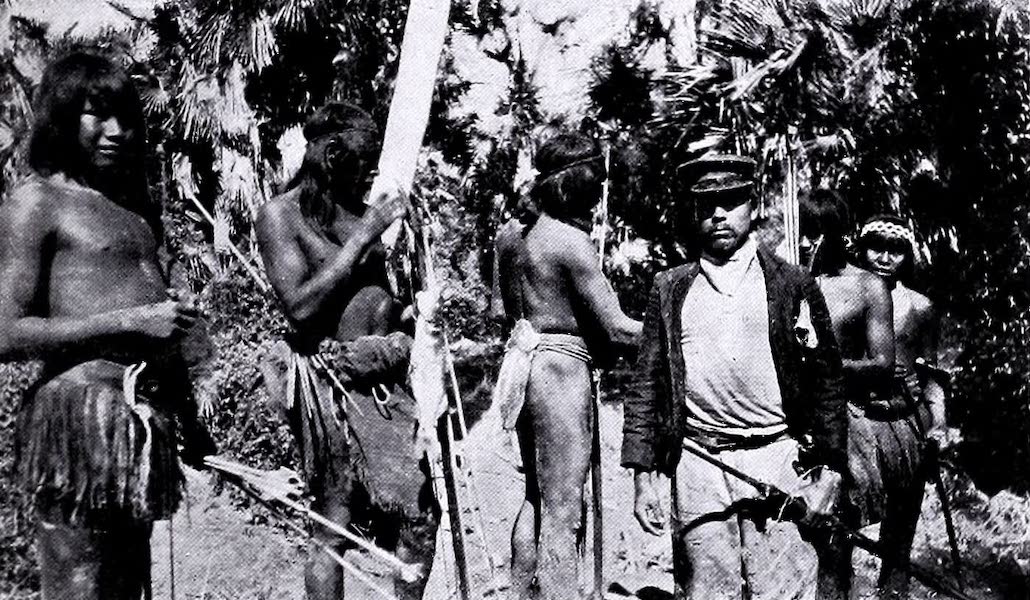 | A Watercourse Through Alluvial Earth
|
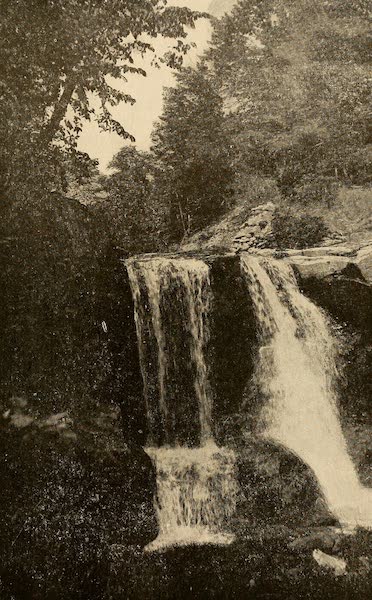 | A Waterfall in the Catskills
|
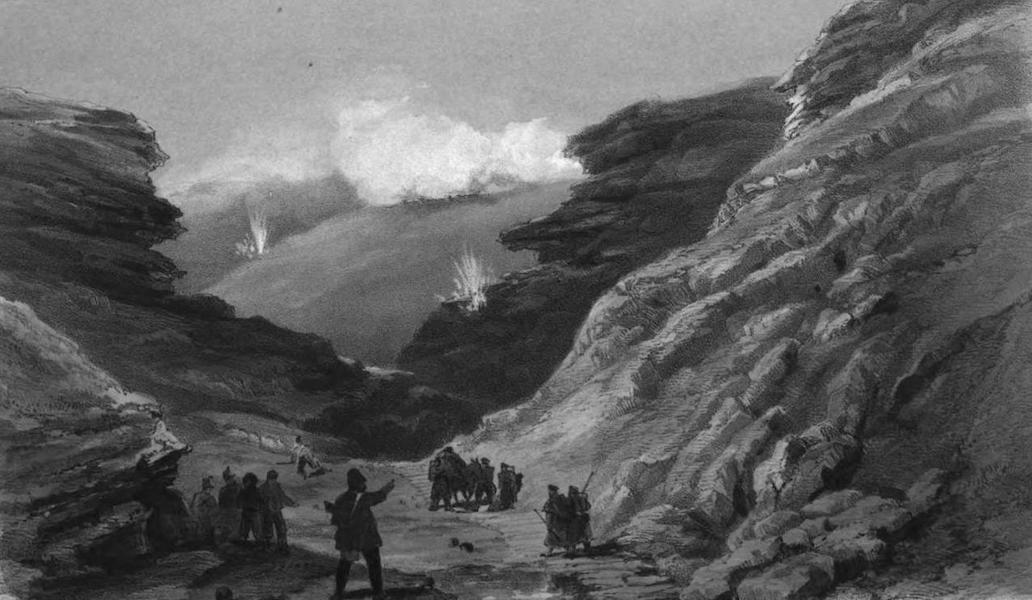 | A Watering Place in the Middle Ravine
|
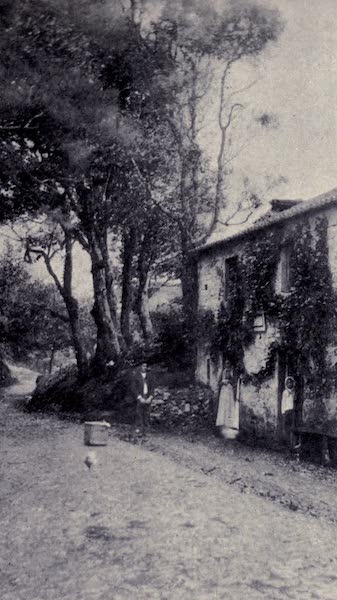 | A Wayside "Venda"
|
 | A Wayside Shrine
|
 | A Wayside Shrine, Huelgoat
|
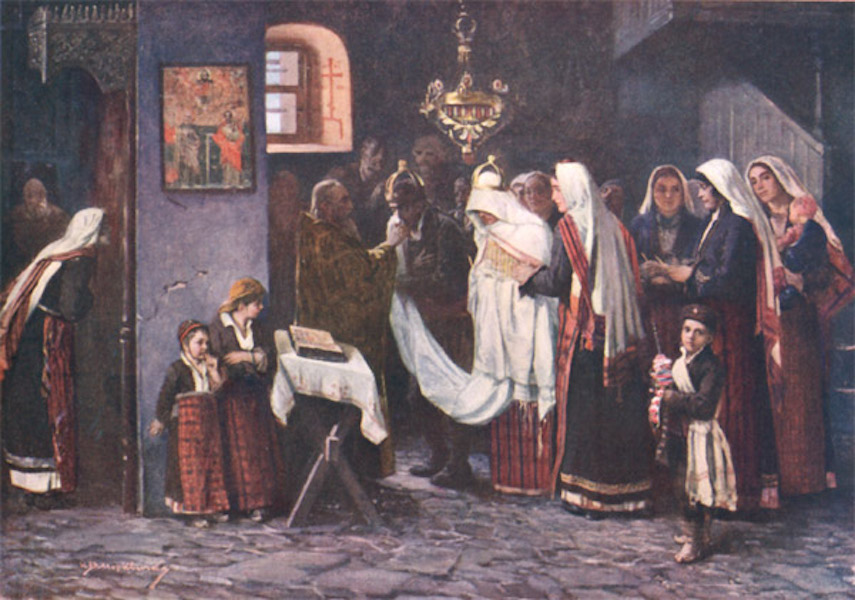 | A Wedding in the Rhodopes
|
 | A Wedding Procession at Menzala : the Home-Coming of the Bride
|
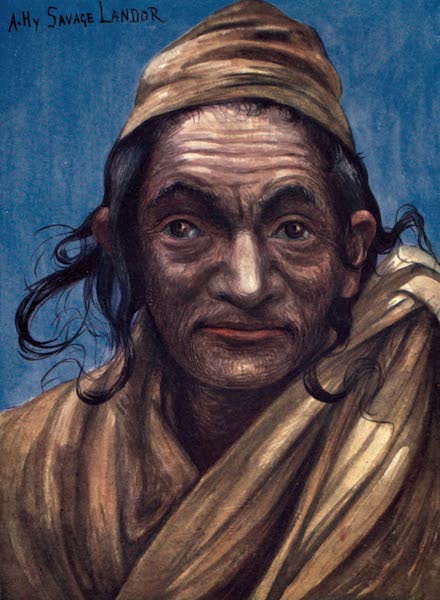 | A Weird Old Man of N.W. Nepal
|
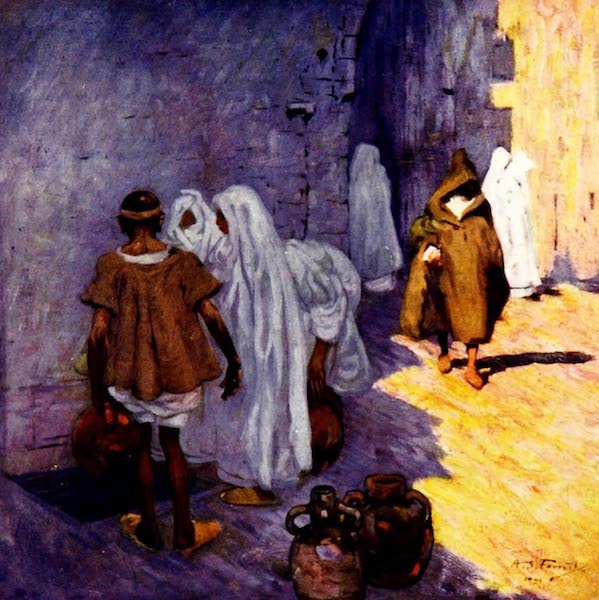 | A Well in Marrakesh
|
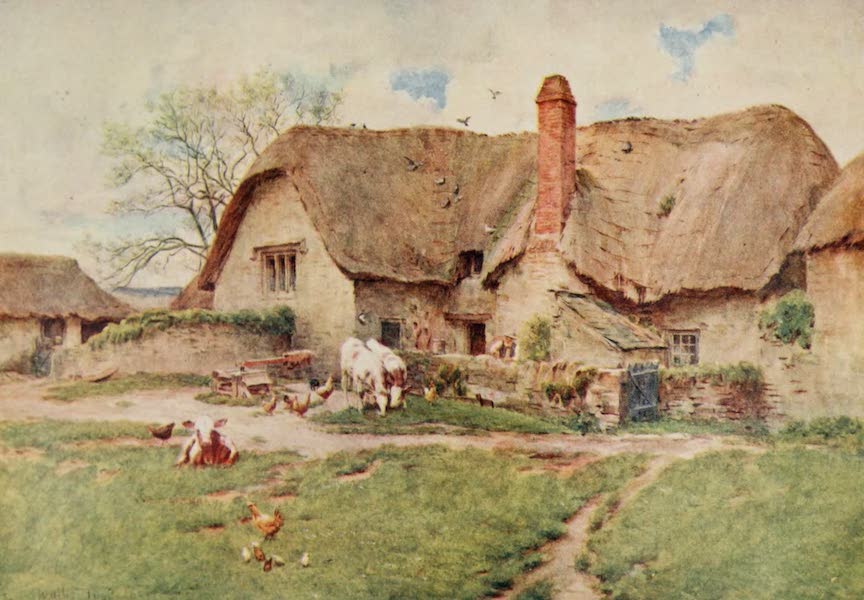 | A Wessex Dairy Farm
|
 | A Wessex Haven
|
 | A Wessex Homestead
|
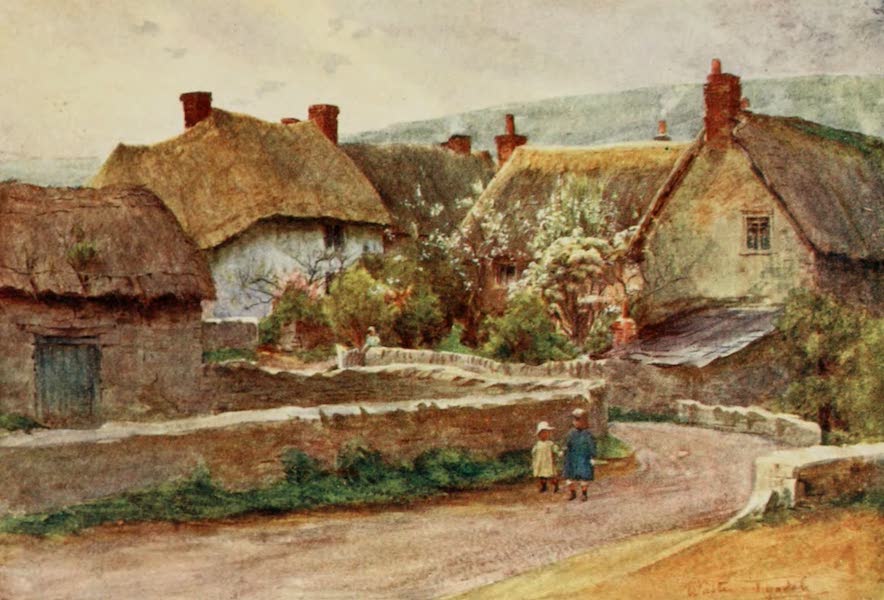 | A Wessex Village
|
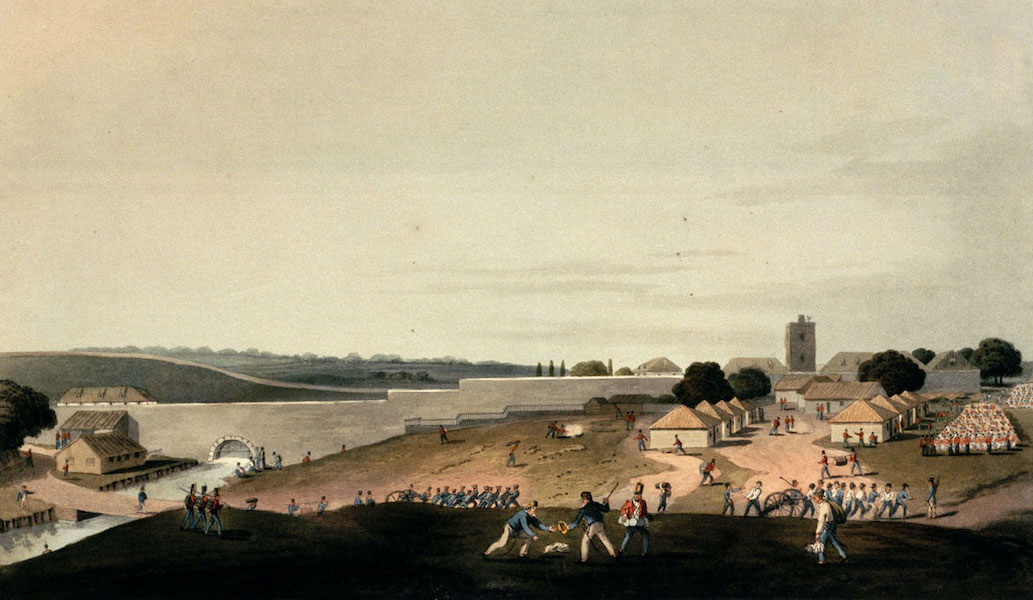 | A West View of the Moulin a Pondre, where the British Army halted, 30th Novr 1810
|
 | A Wet Day on the Galata Bridge
|
 | A Wheat Field, near the Foot Hills
|
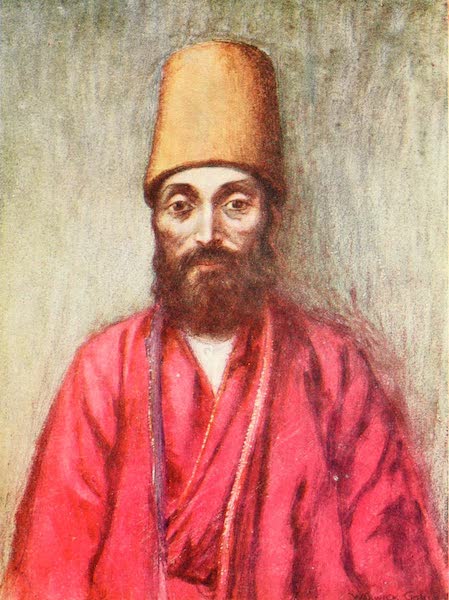 | A Whirling Dervish
|
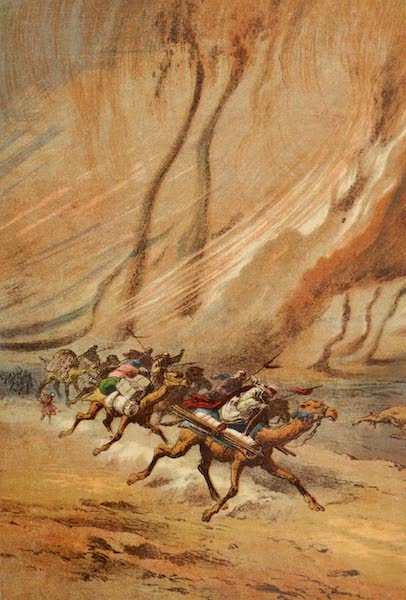 | A Whirlwind of Sand in the Sahara
|
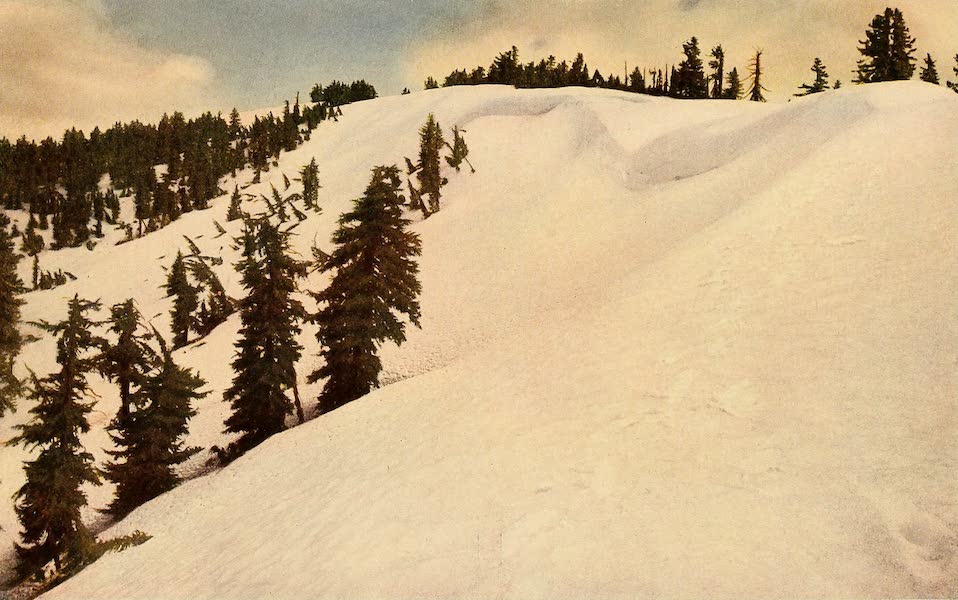 | A White Up-Stretched Waste
|
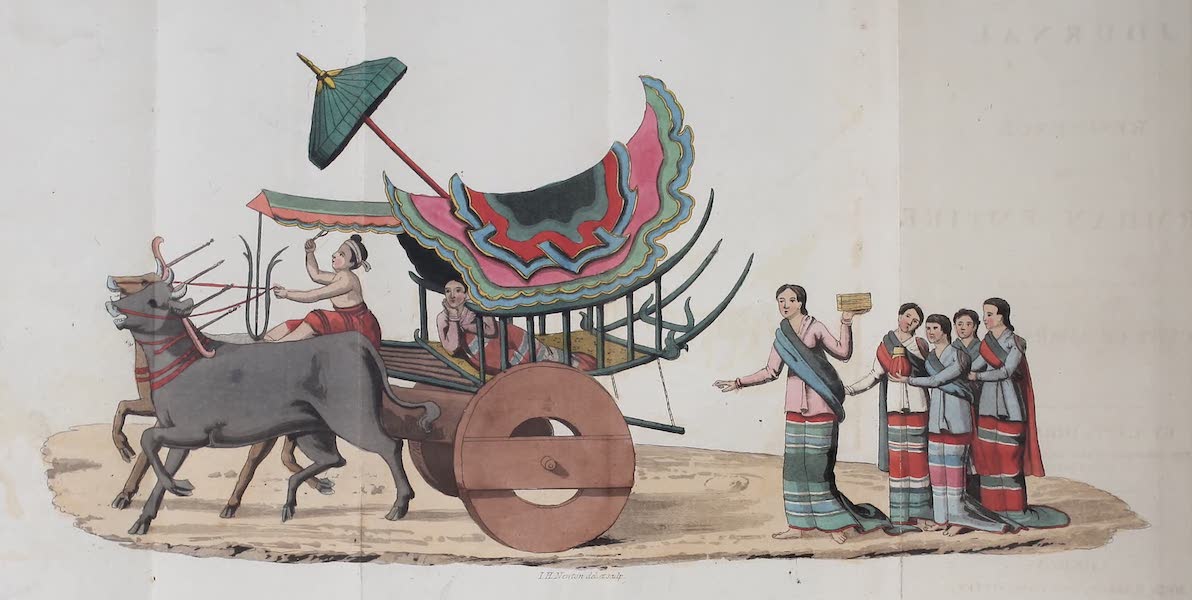 | A Whoonghee or First Minister's Wife in her Hackery with Female Slave Attendants
|
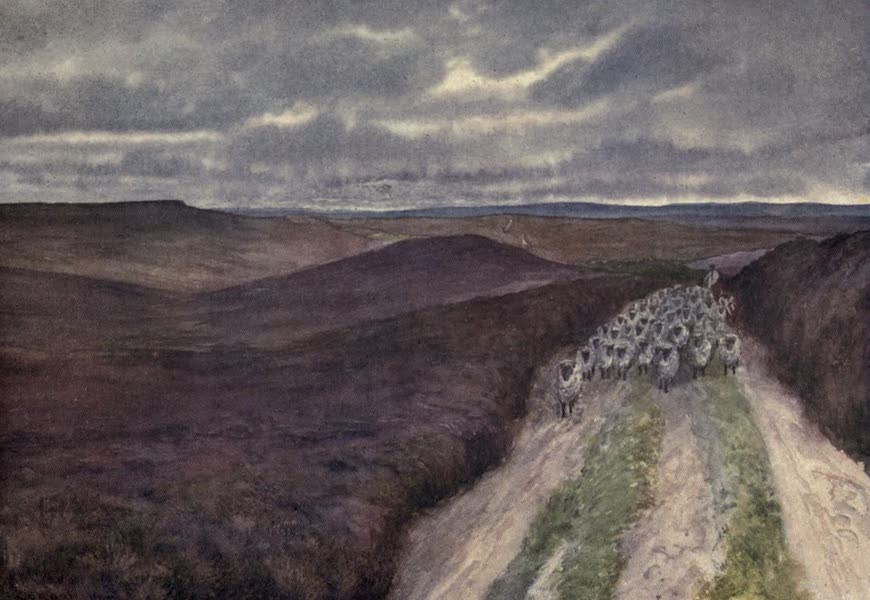 | A Wide Expanse of Heather seen from Great Ayton Moor
|
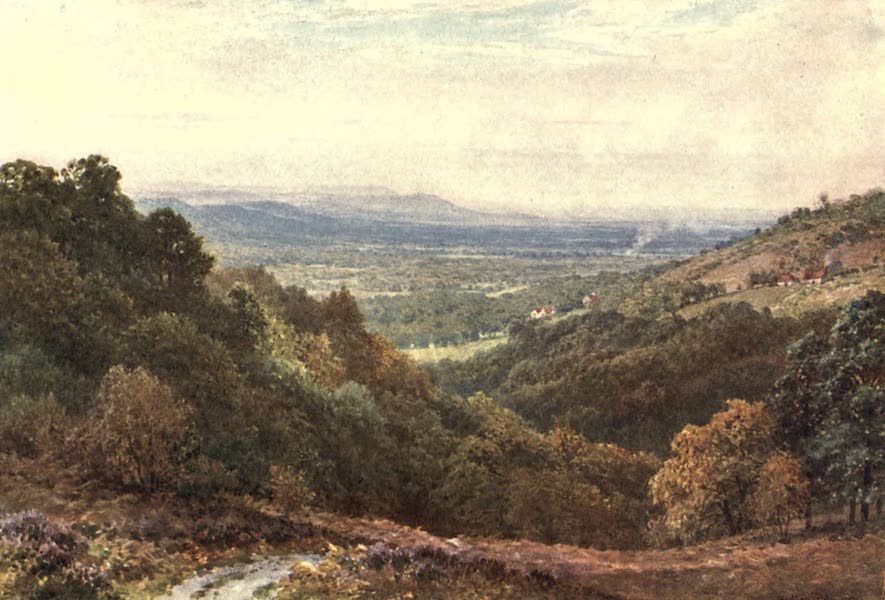 | A Wide Stretch, from the Gibbet, Hindhead
|
 | A Wild Garden
|
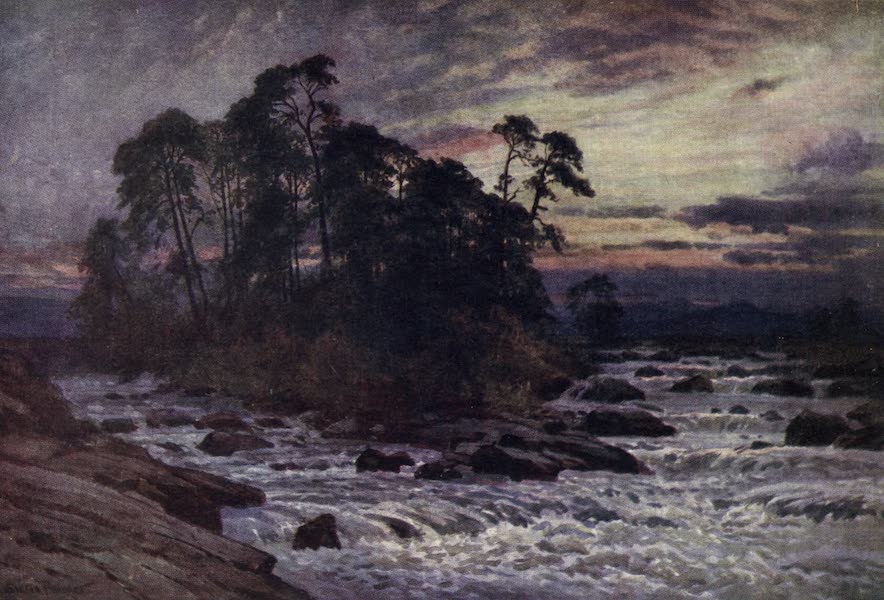 | A Wild Spot, Killin, Perthshire
|
 | A Wind Jammer
|
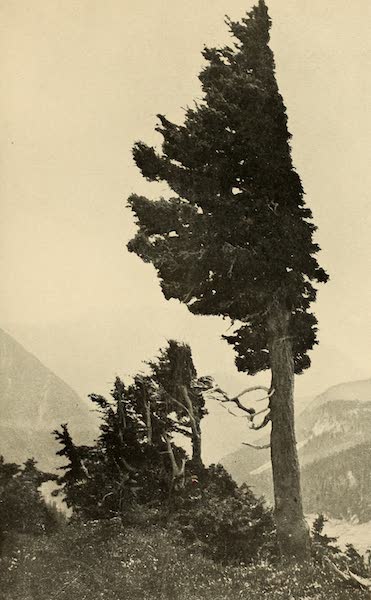 | A Wind-Buffeted Sentinel
|
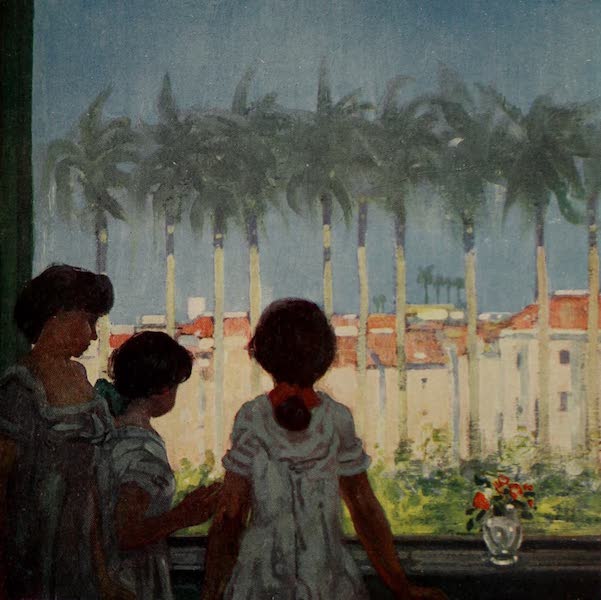 | A Window in Rio
|
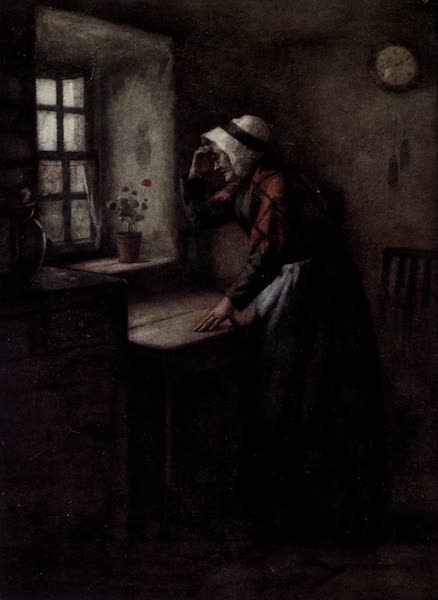 | A Window in Thrums
|
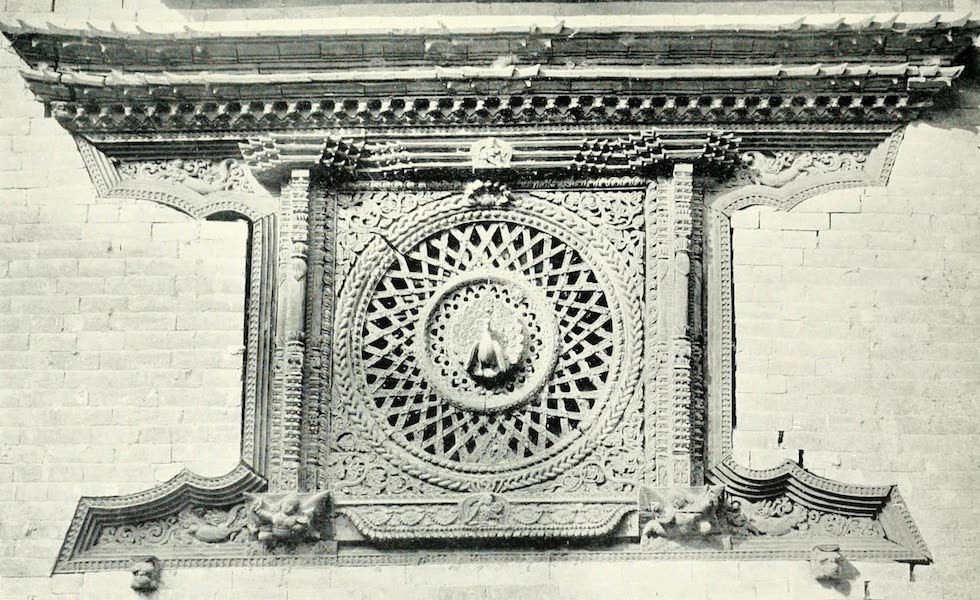 | A Window of Carved Wood at Bhatgaon
|
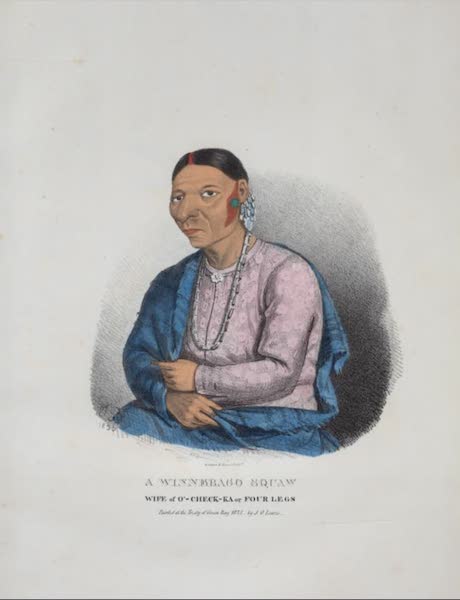 | A Winnebago squaw, wife of O'-check-ka or Four Legs
|
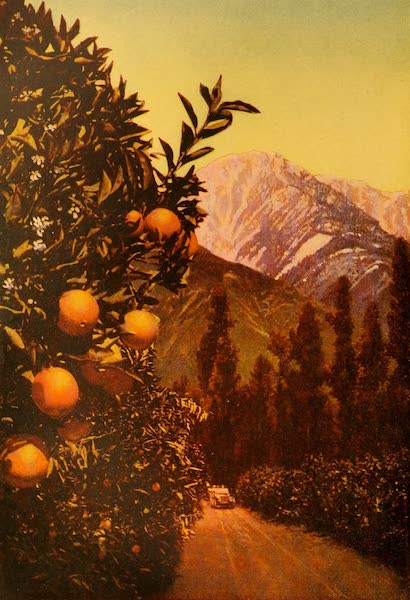 | A Winter Landscape in Southern California
|
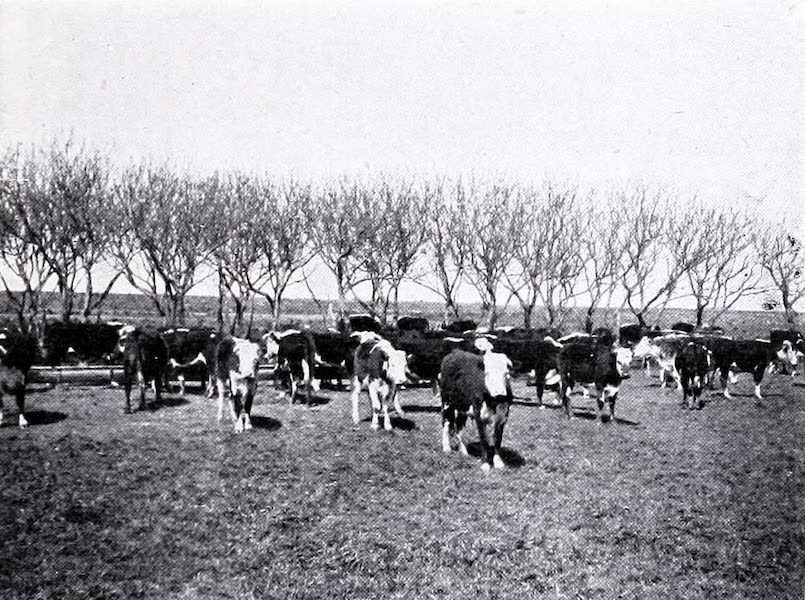 | A Winter Scene
|
 | A Winter Scene
|
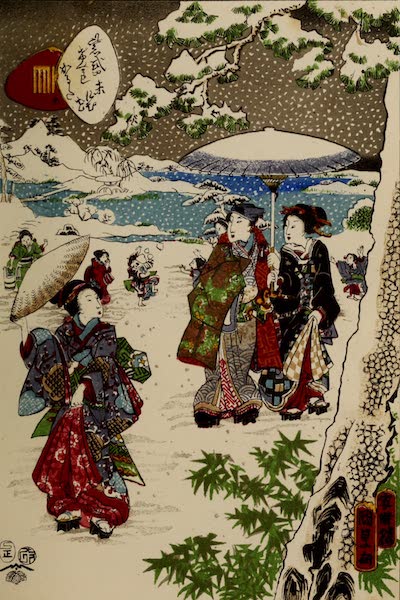 | A Winter scene in Japan (from a Japanese drawing)
|
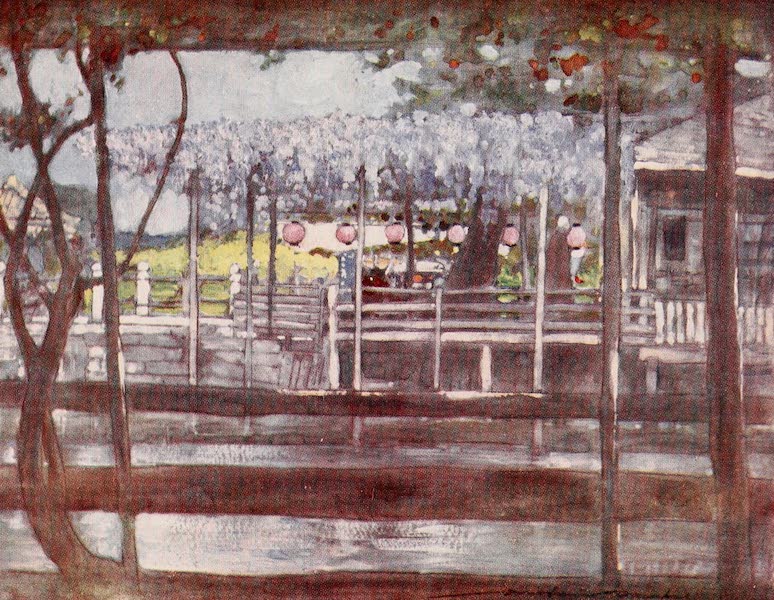 | A Wistaria Garden
|
 | A Witley Lane
|
 | A Wolf-Hunt
|
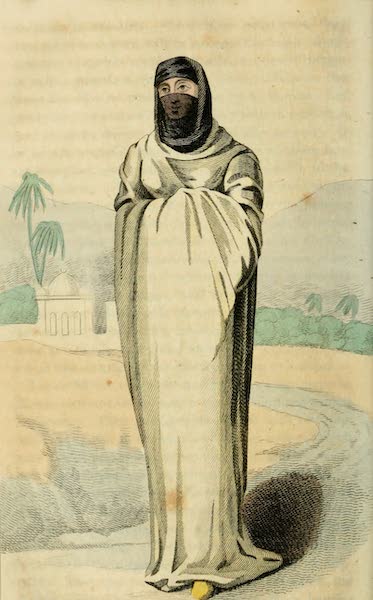 | A Woman
|
 | A Woman and Girl of Egra in their Winter Clothes
|
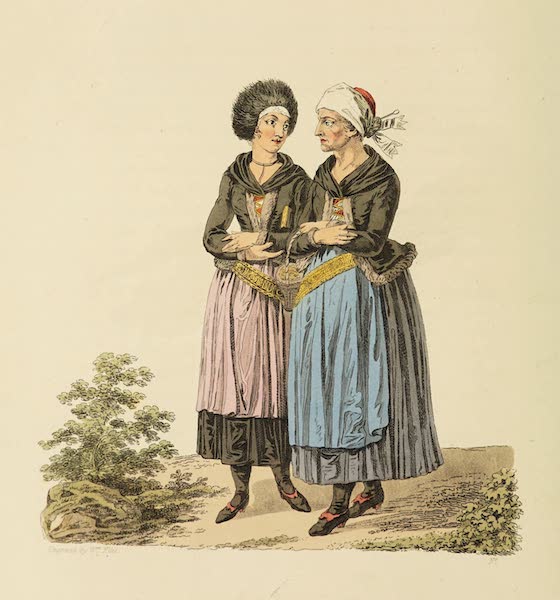 | A Woman and Girl of Egra, in their Winter Clothes
|
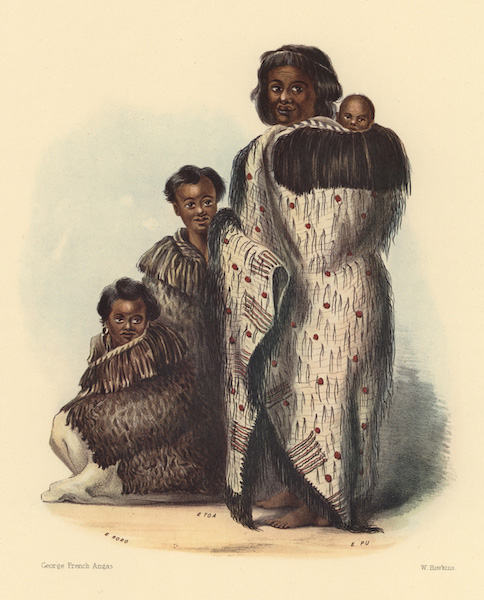 | A woman and her sons, of Nga Ti Toa Tribe. Cook's Strait
|
 | A Woman at the Well, Jeypore
|
 | A Woman embroidering
|
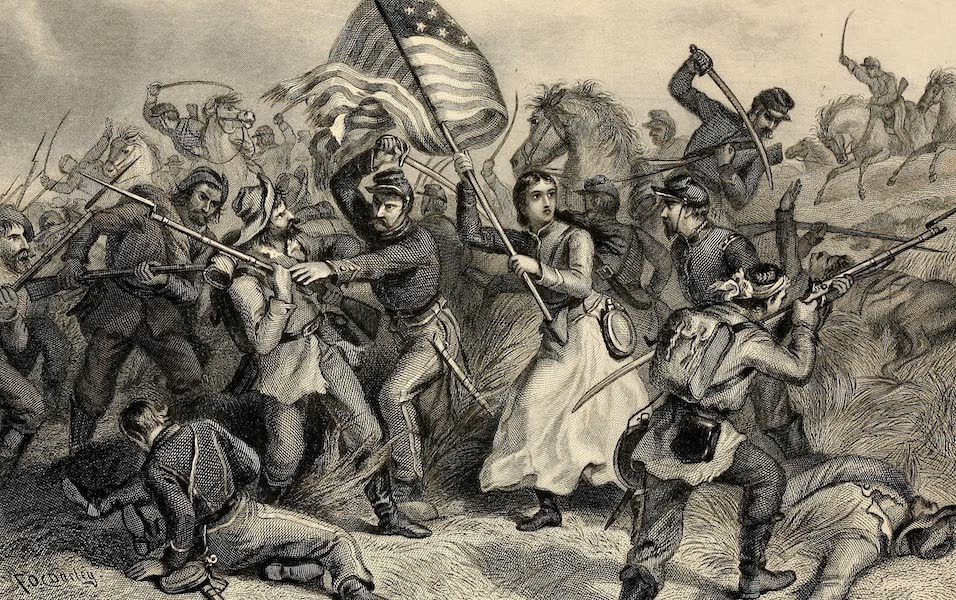 | A Woman in Battle - "Michigan Bridget" Carrying the Flag
|
 | A Woman making Stockings
|
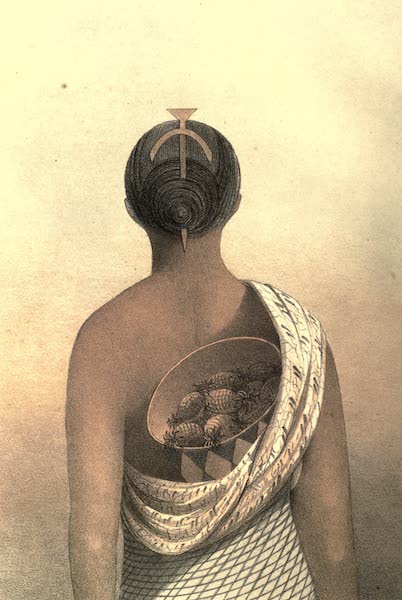 | A Woman of Cheribon
|
 | A Woman of Desze
|
 | A Woman of Esthonia
|
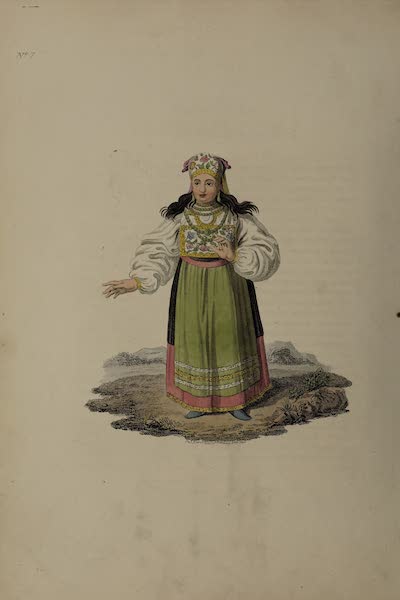 | A Woman of Esthonia
|
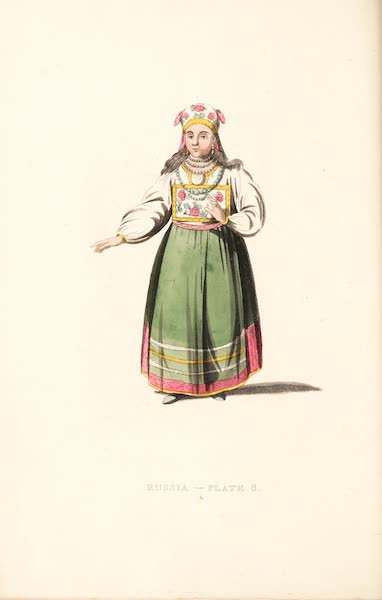 | A Woman of Esthonia
|
 | A Woman of Finland
|
 | A Woman of Finland in her Holiday Dress
|
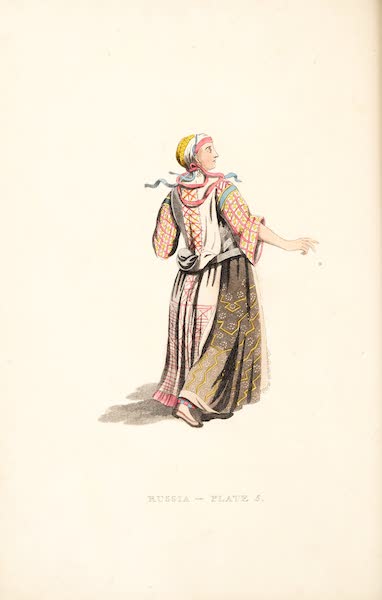 | A Woman of Finland, in her Summer holiday dress
|
 | A Woman of Kalouga, in her Summer Dress
|
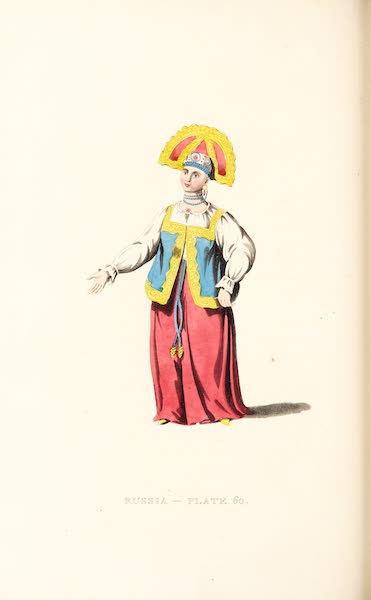 | A Woman of Kalouga, in her Summer dress
|
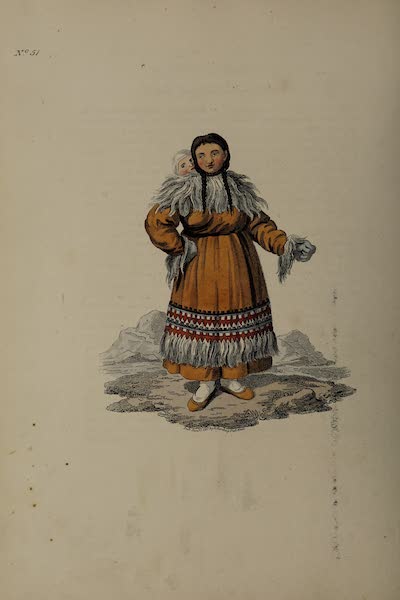 | A Woman of Kamtschatka in her Holiday Dress
|
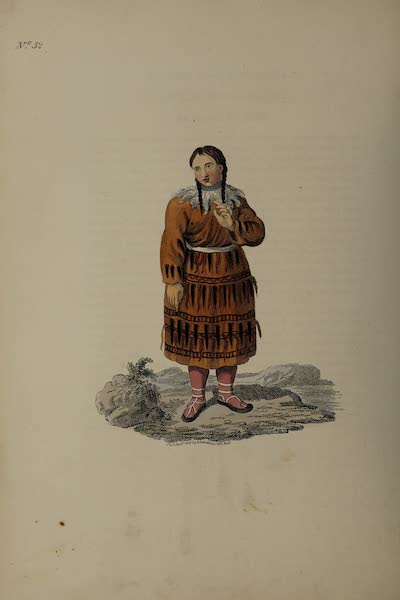 | A Woman of Kamtschatka in her richest Apparel
|
 | A Woman of Kamtshatka, in her best dress
|
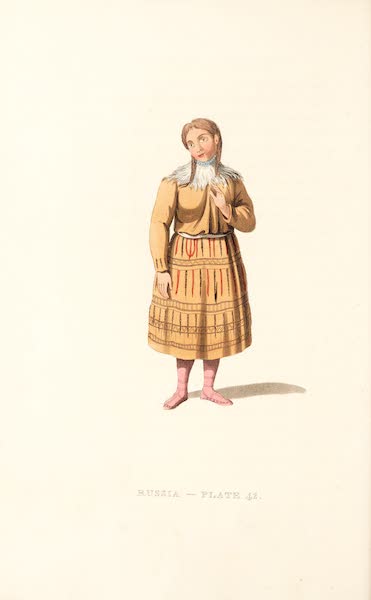 | A Woman of Kamtshatka, in her best dress
|
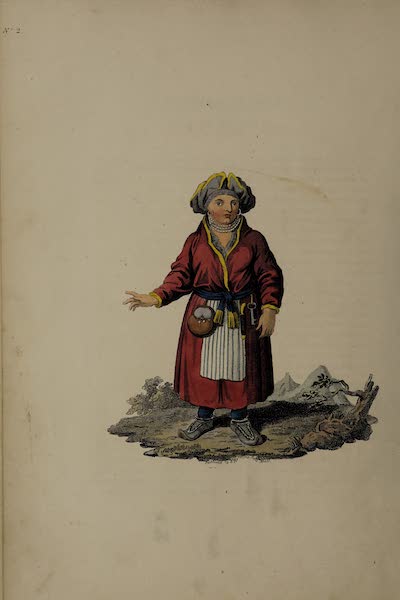 | A Woman of Lapland
|
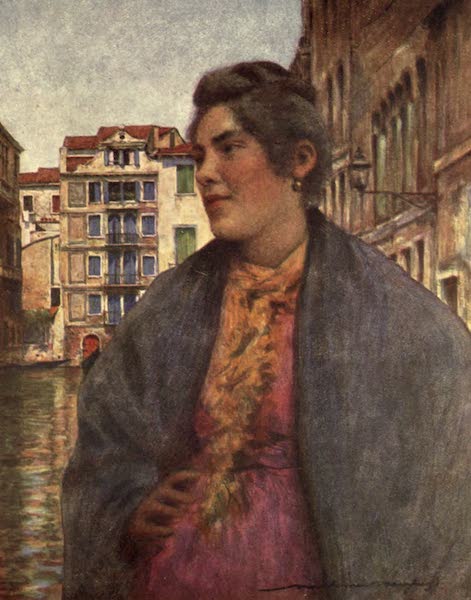 | A Woman of the People
|
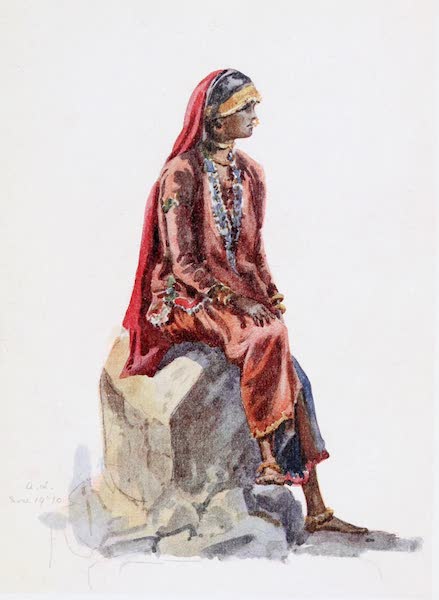 | A Woman of the Tribe of Indian Gipsies known as Lumbadi
|
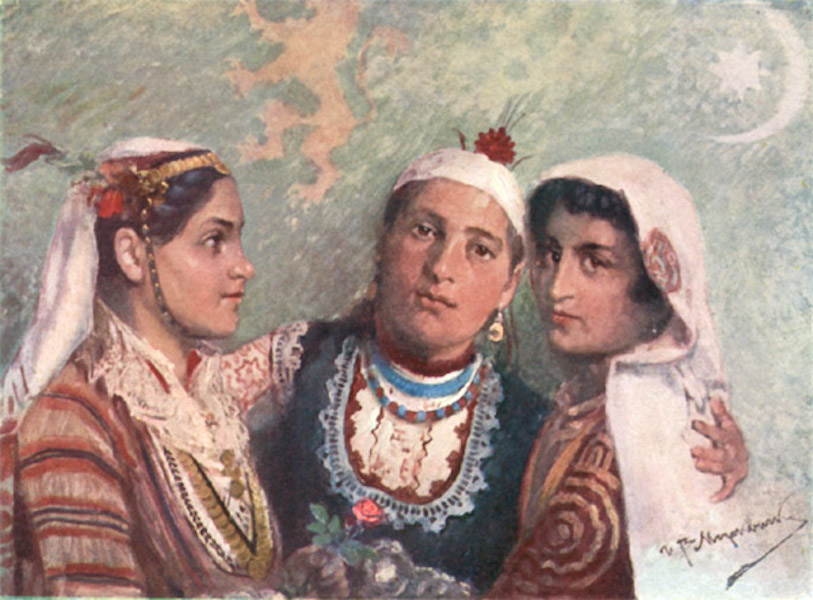 | A Woman of Thrace, of the Shôp Tribe, and of Macedonia
|
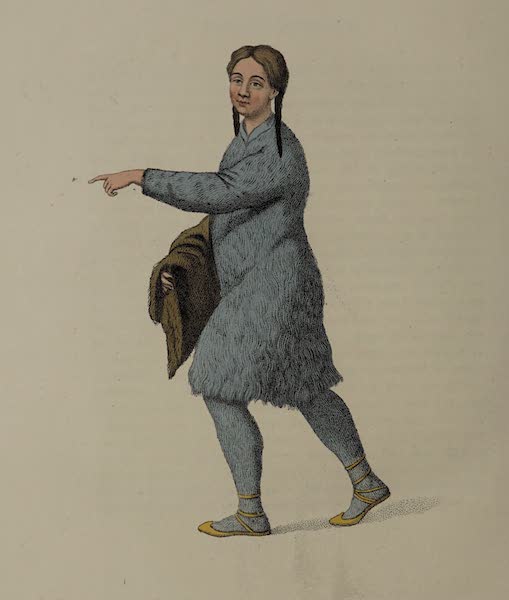 | A Woman of Tschutski, in her common dress
|
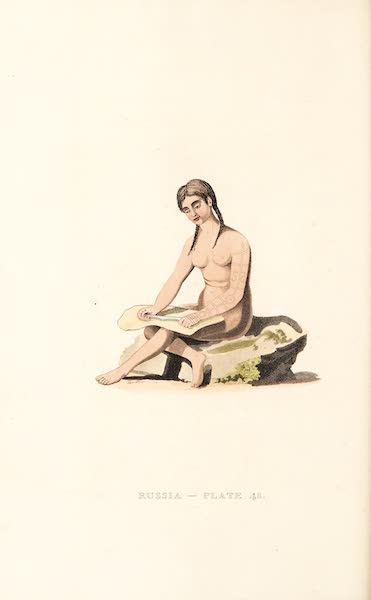 | A Woman of Tschutski, in her common dress
|
 | A Woman of Tschutski, preparing skins
|
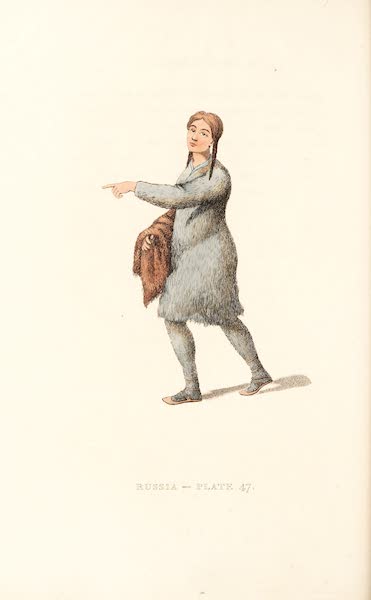 | A Woman of Tschutski, preparing skins
|
 | A Woman preparing Tea
|
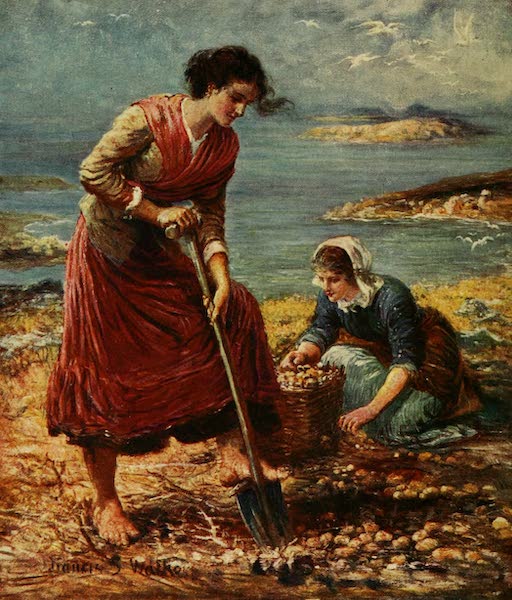 | A Woman's Task
|
 | A Wood-chopper of Drenthe
|
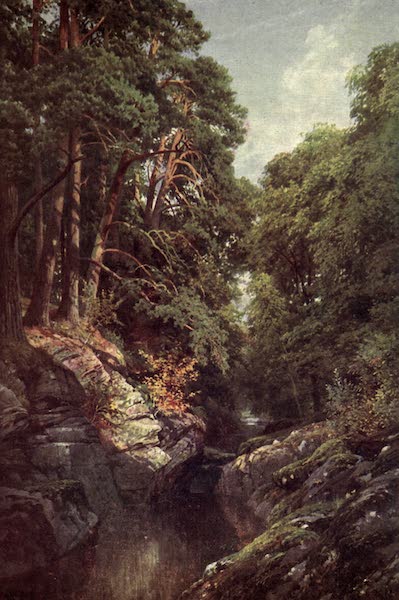 | A Wooded Gorge, Killin, Perthshire
|
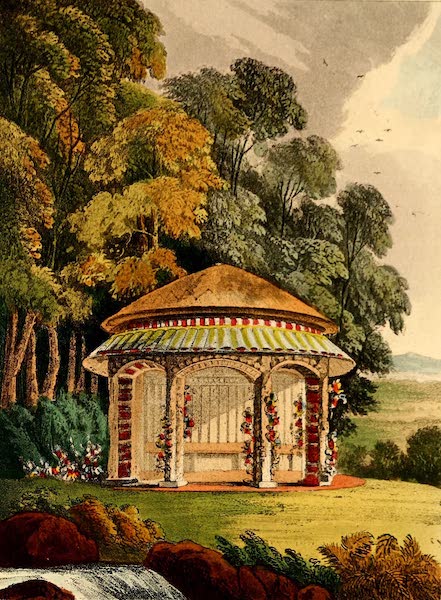 | A Woodland Seat
|
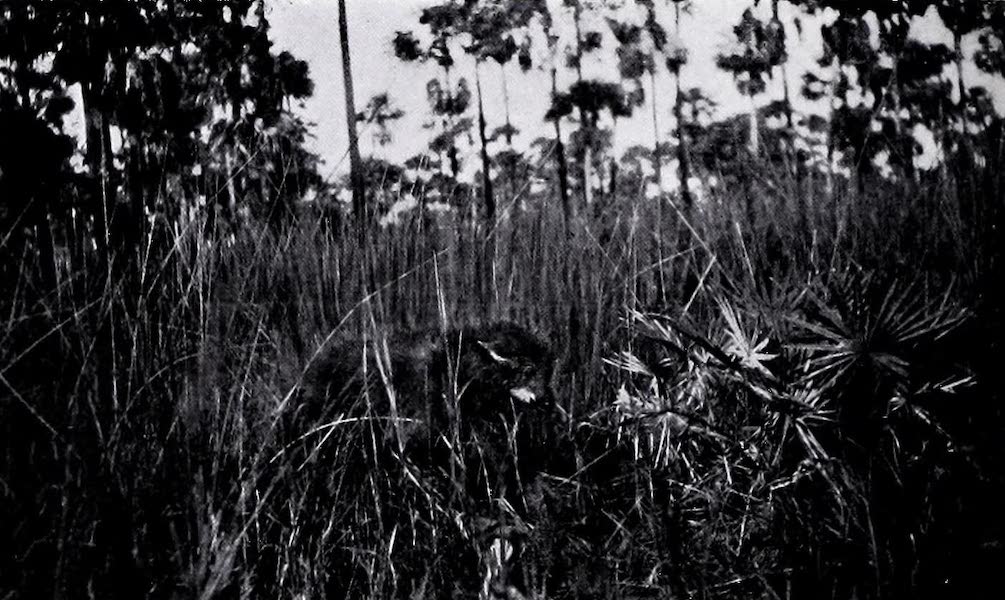 | A Wounded Giant Fox
|
 | A Wounded Giant Fox
|
 | A Yakouti Tartar
|
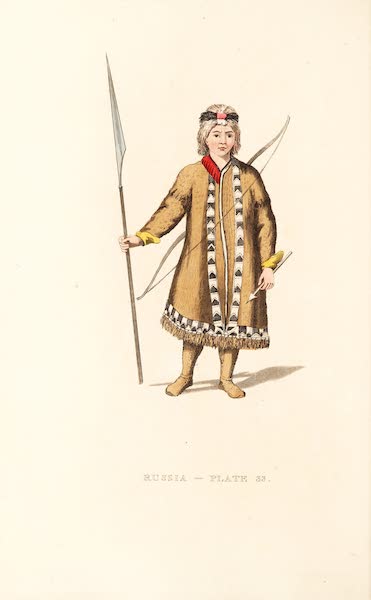 | A Yakouti Tartar
|
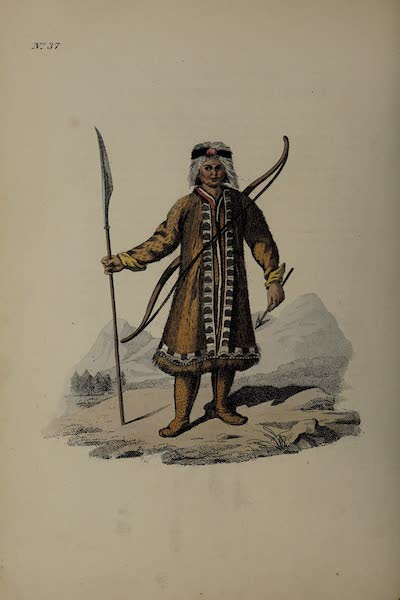 | A Yakut in his Hunting Dress
|
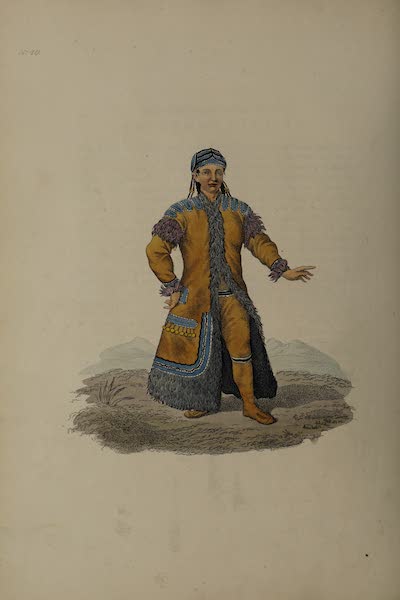 | A Yakutan Girl
|
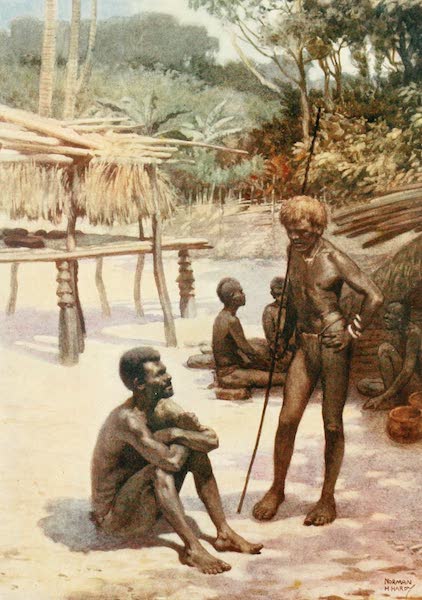 | A Yam Shed on the Island of Tierra Espiritu Santo, New Hebrides
|
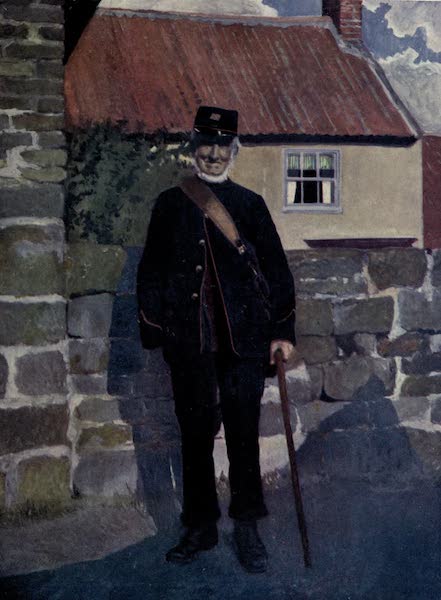 | A Yorkshire Postman
|
 | A Young Bride of Egra in her Wedding Clothes
|
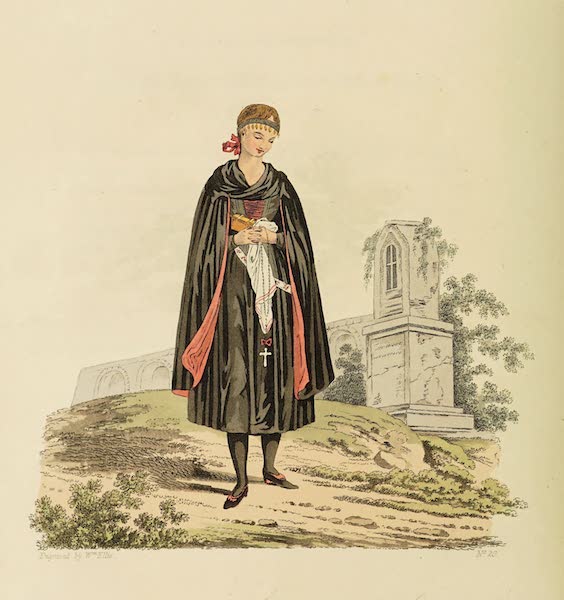 | A young Bride of Egra, in her Wedding Clothes
|
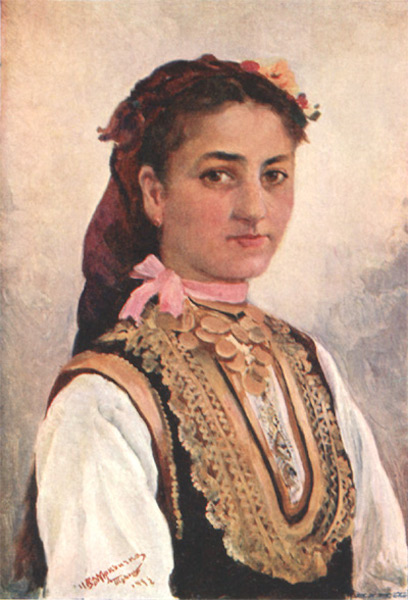 | A Young Girl of Irn
|
 | A Young Magyar Csikos
|
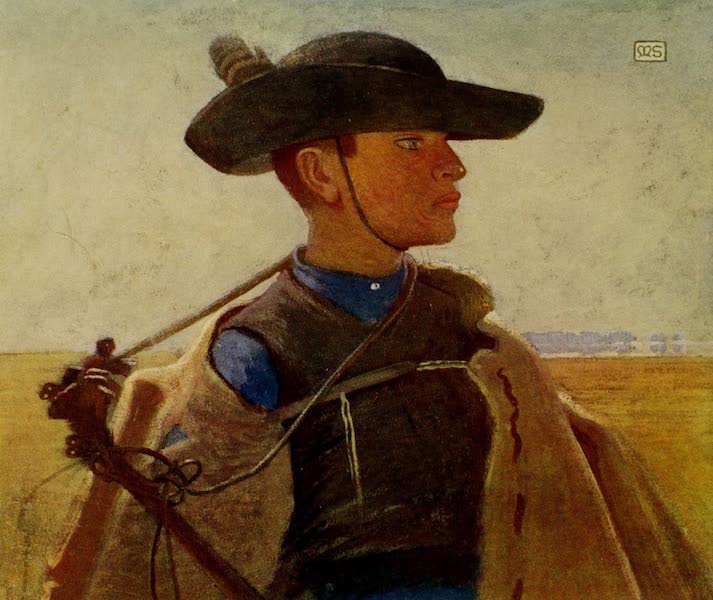 | A Young Magyar Csikos on the Great Puszta of Hortobagy
|
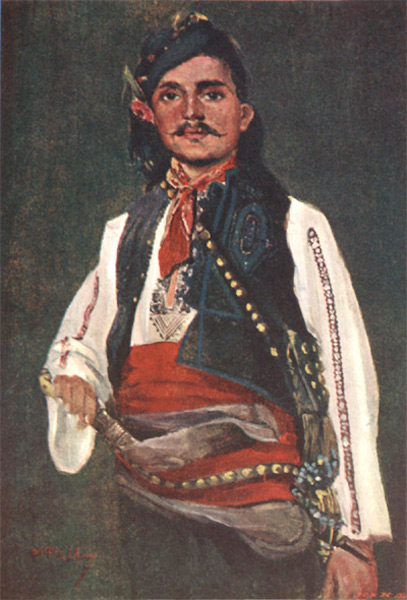 | A Young Man of the Choumla District
|
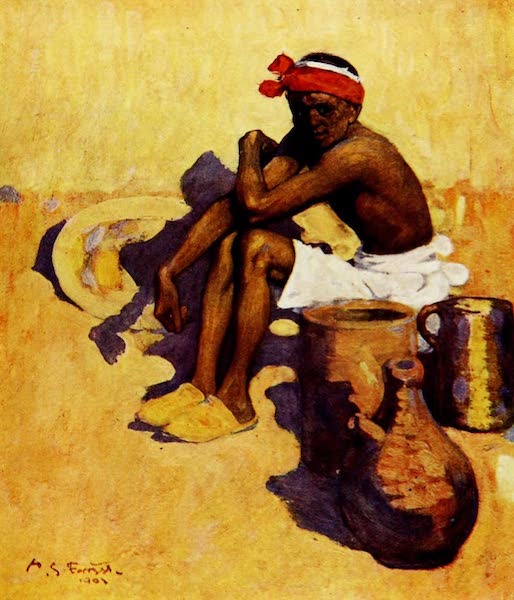 | A Young Marrakshi
|
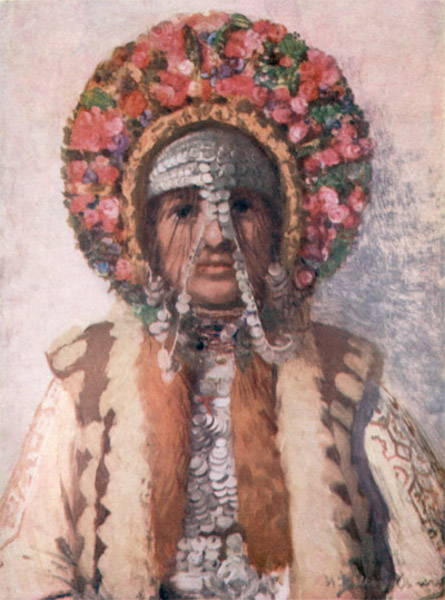 | A Young Married Shôp Woman
|
 | A Young Miami Chief
|
 | A Young Peasant of Egra in his Winter Clothes
|
 | A young Peasant of Egra, in his Winter Dress
|
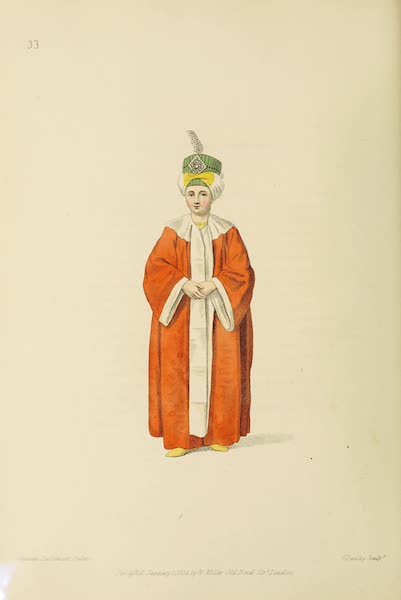 | A Young Prince, heir to the Throne
|
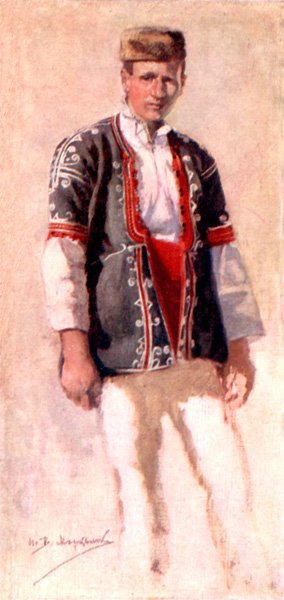 | A Young Shôp Man of the District of Sofia
|
 | A Young Slovak
|
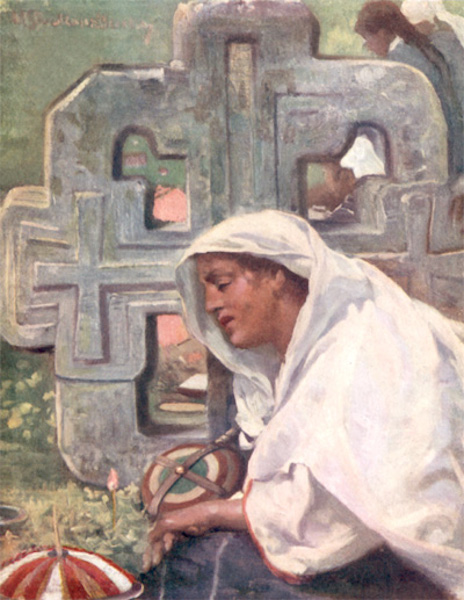 | A Young Widow at her Husband's Grave
|
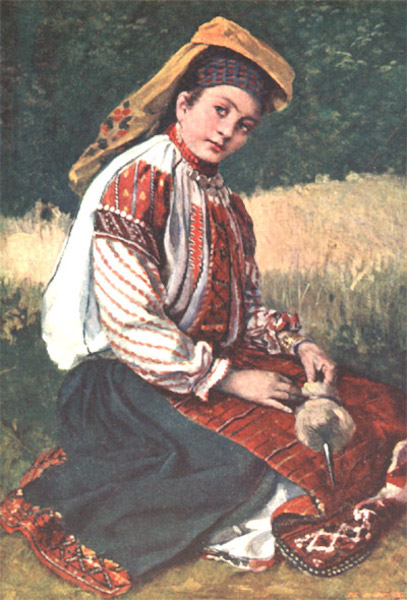 | A Young Woman of the Roustchouk District
|
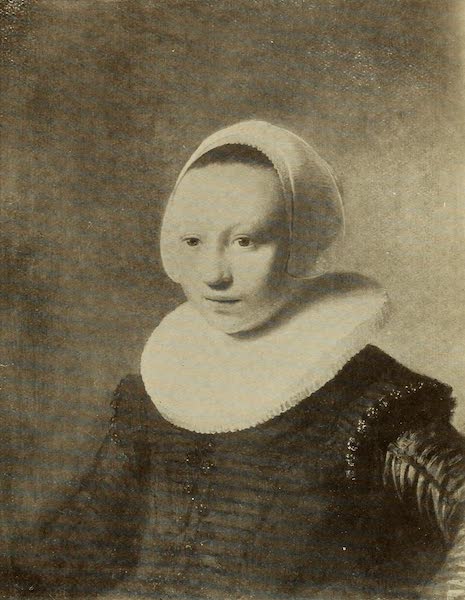 | A Young Woman. Rembrandt (Mauritshuis)
|
 | A Youth at a Stream by Foley, A.R.A. Cast in bronze by Hatfield
|
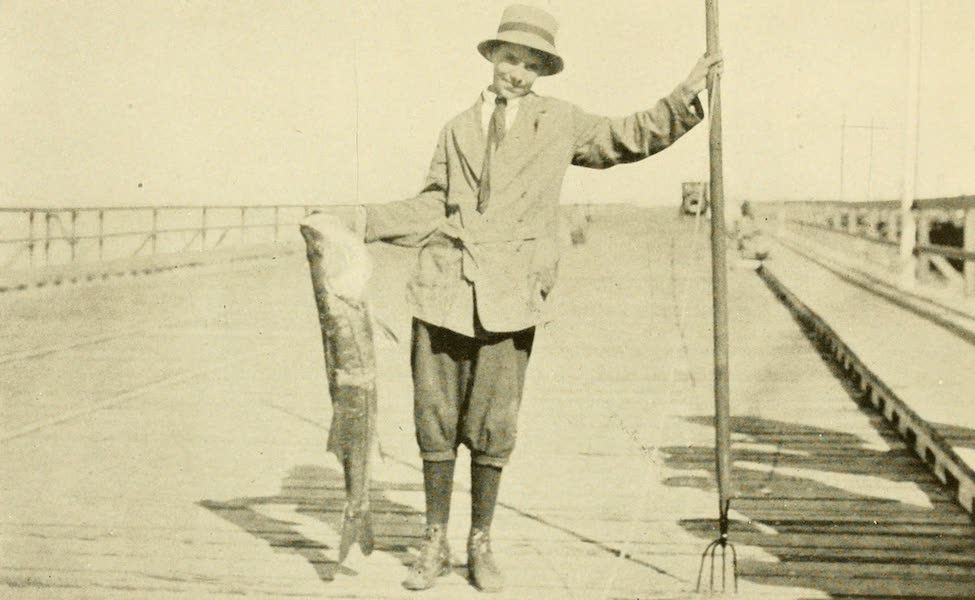 | A Youthful Fisherman, his Catch and his Weapon
|
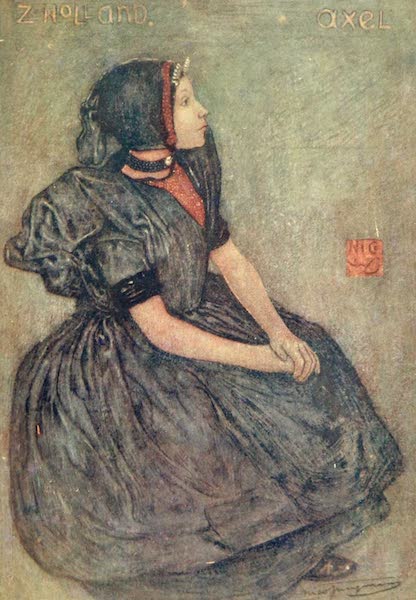 | A Zeeland Girl
|
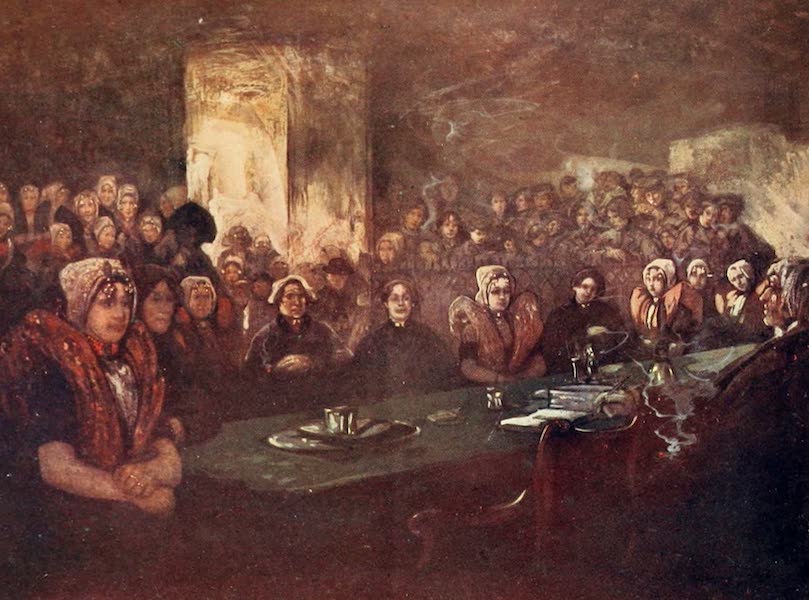 | A Zeeland Wedding
|
 | A Zeyat - Mandalay
|
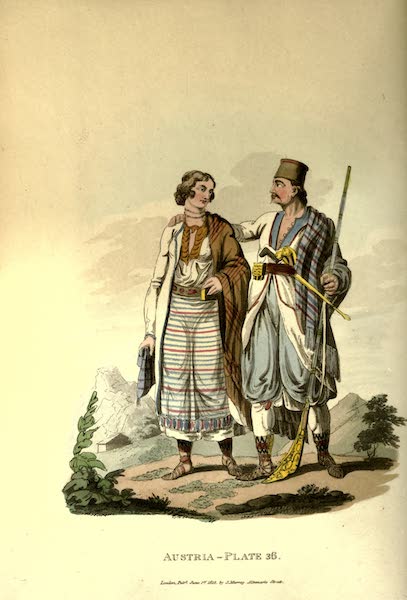 | A Zouppanese and his Wife
|
 | A Zouppanese and his Wife
|
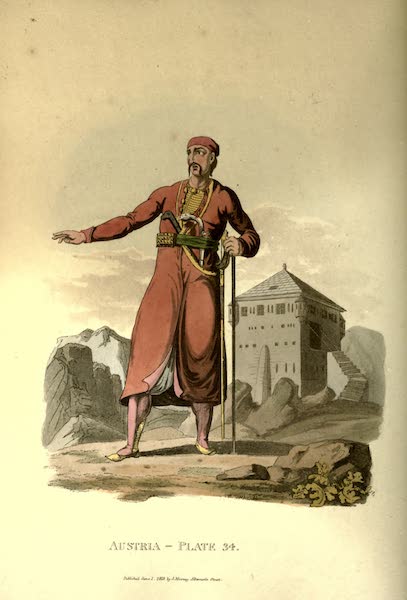 | A Zouppanese Count, of the Country of Cattaro, in Dalmatia
|
 | A Zouppanese Count, of the Country of Cattaro, in Dalmatia
|
 | A Zouppanese Countess
|
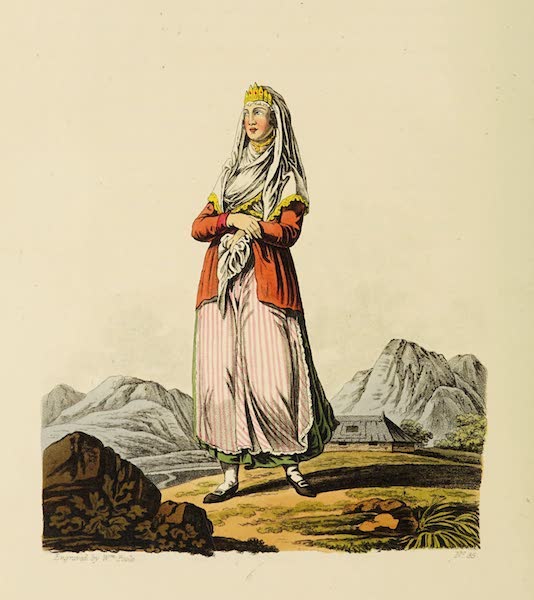 | A Zouppanese Countess
|
 | A'gades
|
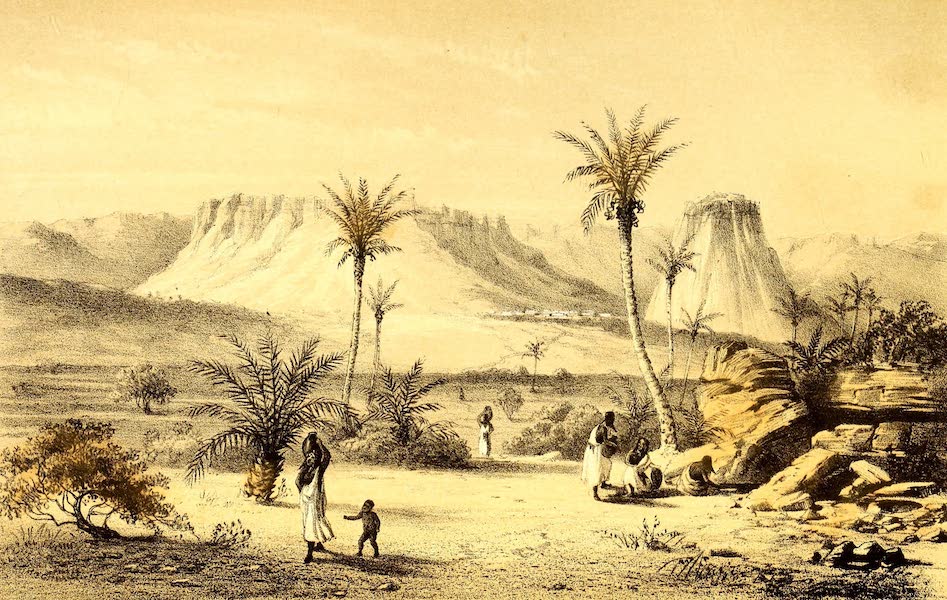 | A'shenumma
|
 | A. Autel - B. Plan de l'Eglise
|
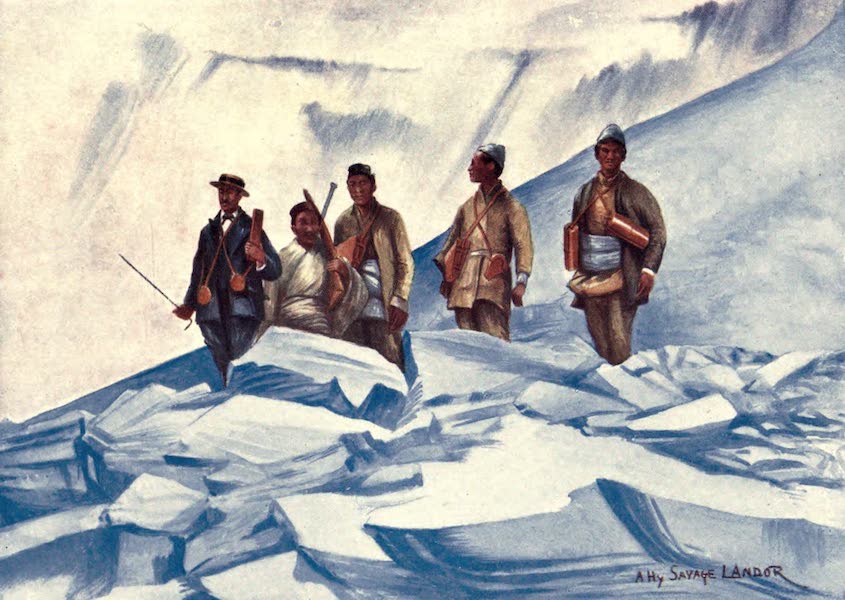 | A. Henry Savage Landor and the Four Men who accompanied him on his Ascent to 23,490 feet above Sea-Level
|
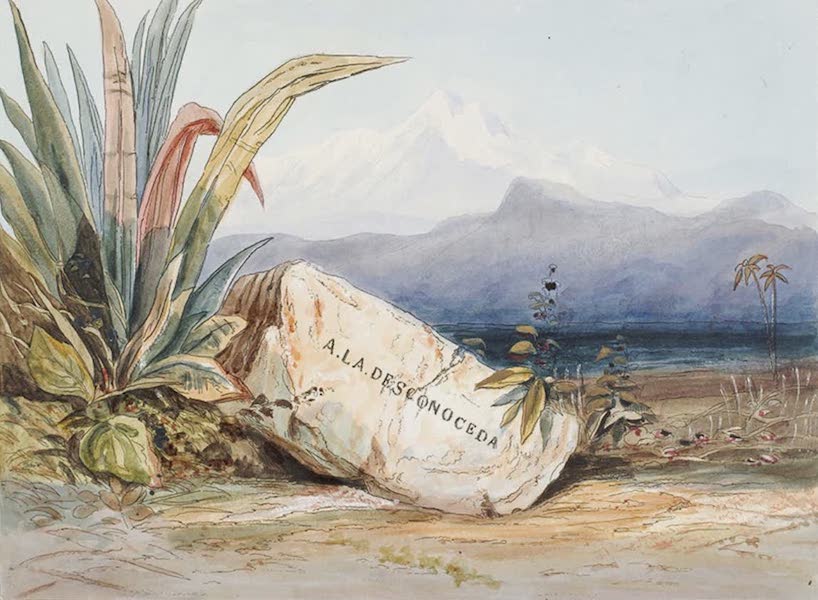 | A. La. Desconoceda
|
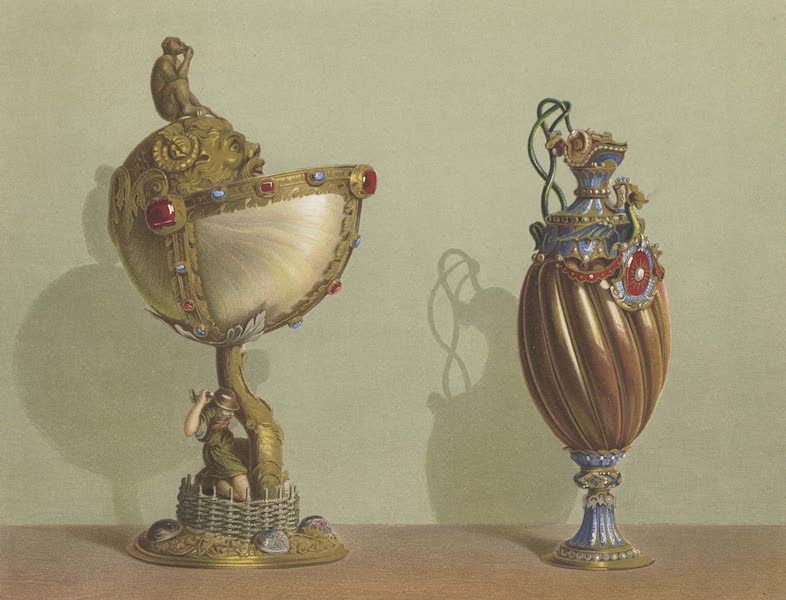 | A. Nautilus Shell, mounted as a Cup or Drinking Vessel. B. Small Ewer of Jasper
|
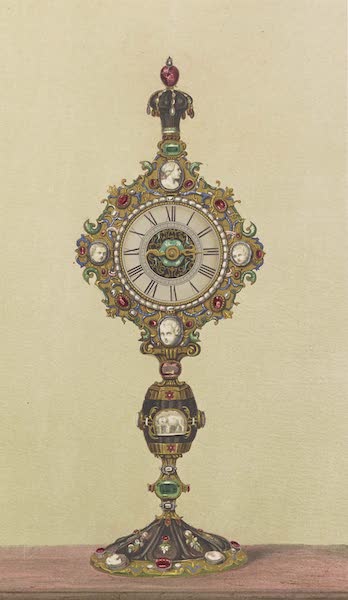 | A. Two grotesque Figures (Perles monstres). B. A Tazza or small round Basin with a cover
|
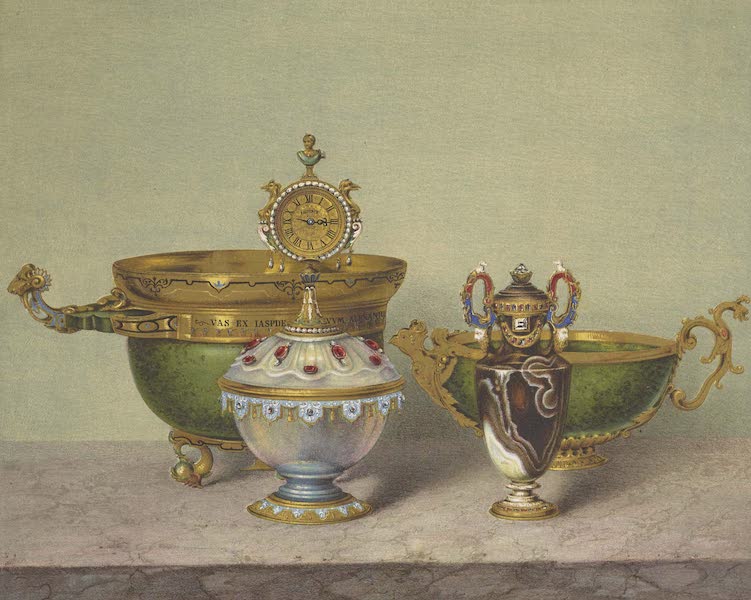 | A. Two small Vessels of dark green Jasper
|
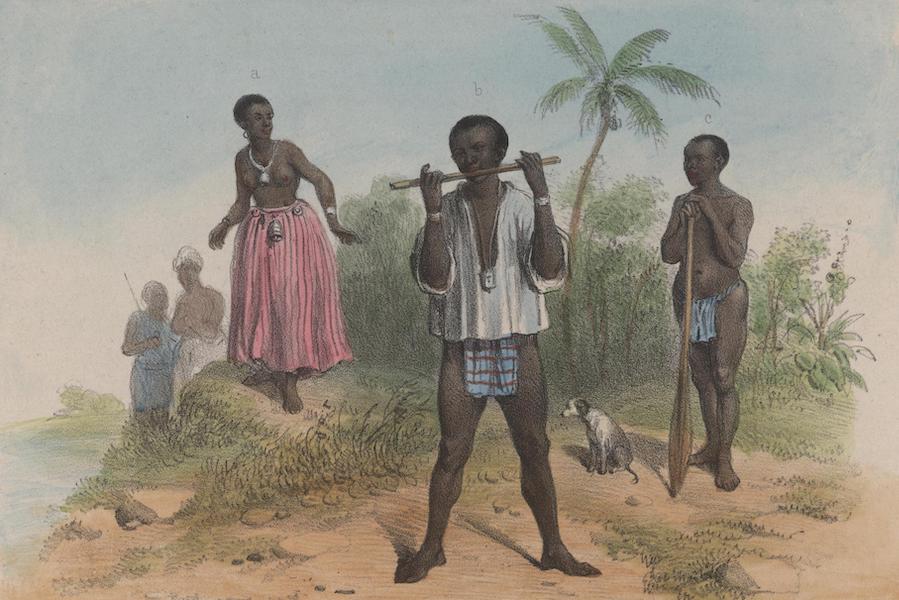 | a. Une femme des bosch-negres. b. Espion. c. Bosch-Negre
|
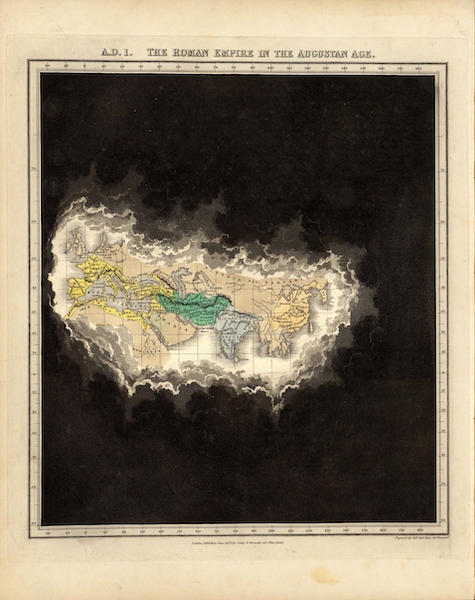 | A.D. 1. The Roman Empire in the Augustan Age.
Clouds receding to show the known earth from the end of the third Punic War, 146 B.C., to the birth of Christ. (A.M. 3853 to A.M. 4004). Eighth period. In full color stretching from Ireland and Morocco to China. The Roman Empire shown in yellow, the Parthian Empire in green, Hindoostan in gray and China in light brown. (David Rumsey) Engraved by Sidy. Hall Bury Strt. Bloomsby. London Published June 1828 by Seeley & Burnside 169 Fleet Street. |
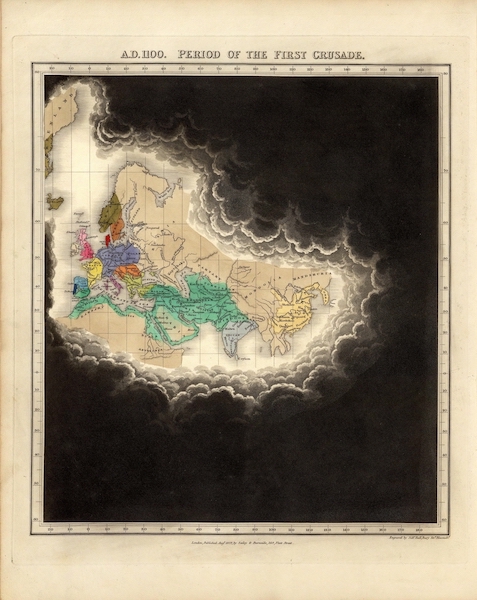 | A.D. 1100. Period Of The First Crusade.
The known world shown through clouds from the final dissolution of the Empire of Charlemagne, A.D. 912, to the First Crusade, A.D. 1100. Fourteenth period. The map is dominated by the German Empire, the Mahometan States and China. Greenland can be seen in the upper lefthand corner. (David Rumsey) Engraved by Sidy. Hall Bury Strt. Bloomsby. London Published June 1828 by Seeley & Burnside 169 Fleet Street. |
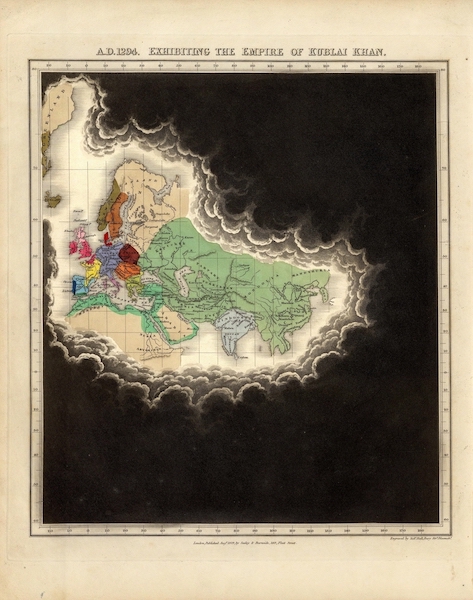 | A.D. 1294. Exhibiting The Empire Of Kublai Khan.
The known world shown through clouds from the commencement of the Crusades, A.D. 1100, to the division of the Mogul Empire on the Death of Kublai, A.D. 1294. Fifteenth period. Kublai Khan's empire, in olive green dominates over half of the map stretching from Hungary through Mongolia and to the China Sea. (David Rumsey) Engraved by Sidy. Hall Bury Strt. Bloomsby. London Published June 1828 by Seeley & Burnside 169 Fleet Street. |
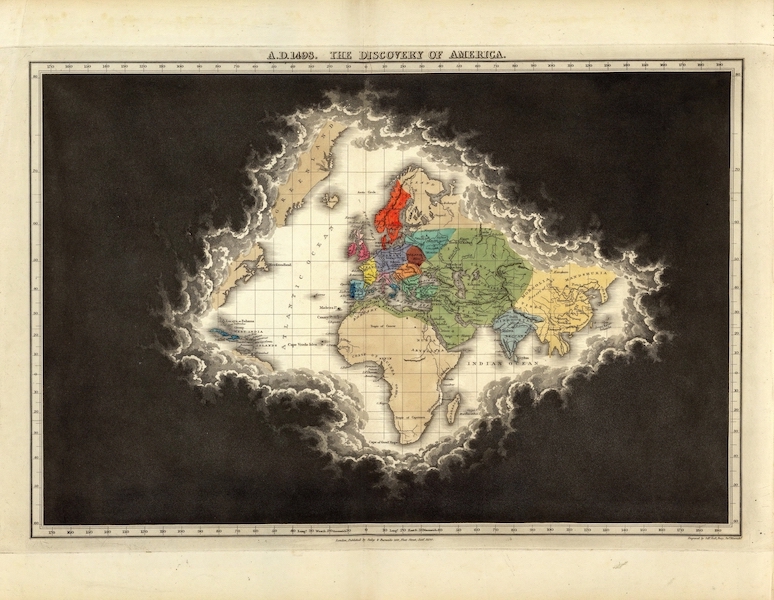 | A.D. 1498. The Discovery Of America.
The fold out map shows clouds around the outer edges of the map depicting the known world from the division of the Mogul Empire, A.D. 1294, to the discovery of America, A.D. 1498. Sixteenth period. Africa is fully shown for the first time and the East Coast of America from Newfoundland to the northern edge of South America. The West Indies are shown in blue. (David Rumsey) Engraved by Sidy. Hall Bury Strt. Bloomsby. London Published June 1828 by Seeley & Burnside 169 Fleet Street. |
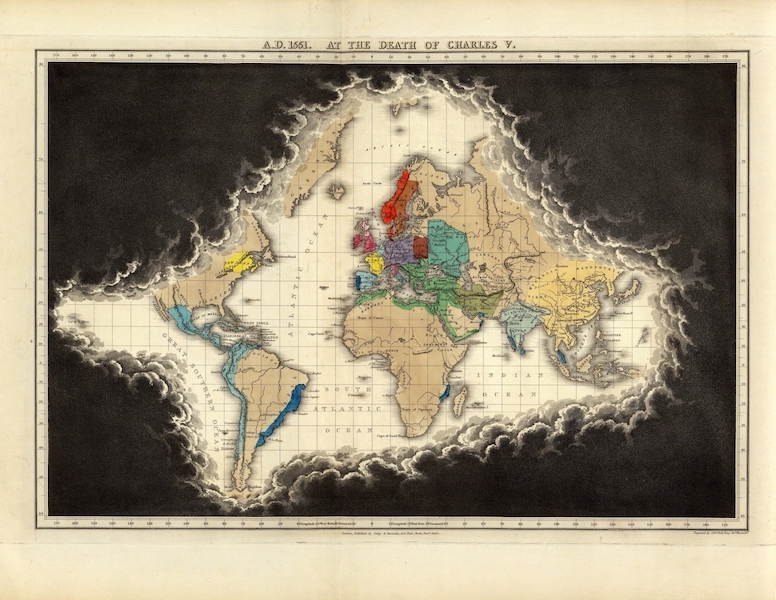 | A.D. 1551. At The Death Of Charles V.
The fold out map shows clouds around the outer edges of the map depicting the known world from the discovery of America, A.D. 1498, to the death of Charles V of Germany, A.D. 1551. Seventeenth period. South America and the eastern and southern parts of North America have been uncovered from clouds. The Philippines are also visible. (David Rumsey) Engraved by Sidy. Hall Bury Strt. Bloomsby. London Published June 1828 by Seeley & Burnside 169 Fleet Street. |
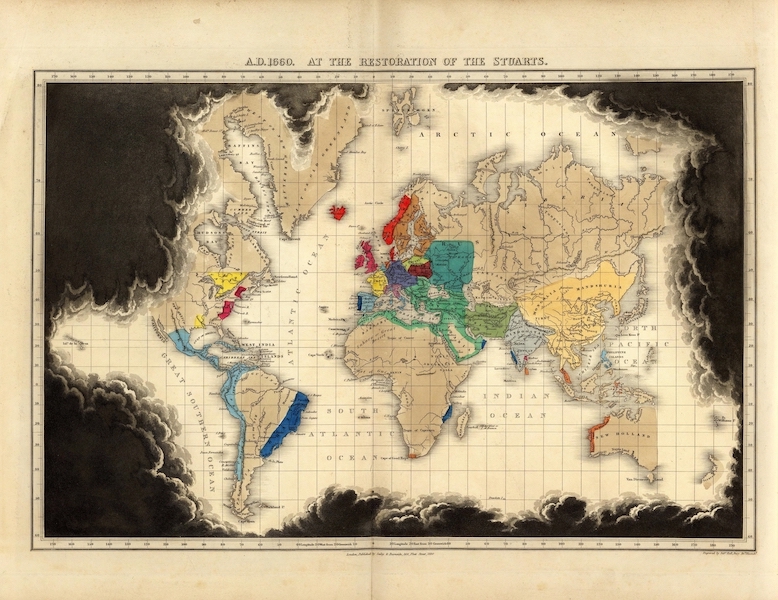 | A.D. 1660. At The Restoration Of The Stuarts.
Clouds are shown only around the outermost edges of the map depicting the known world from the death of Charles V of Germany, A.D. 1558, to the restoration of the Stuarts in England, A.D. 1660. Eighteenth period. Australia included as well as Hudson's and Baffin's Bays (with huge distortions). The northern part of Siberia has been uncovered. (David Rumsey) Engraved by Sidy. Hall Bury Strt. Bloomsby. London Published June 1828 by Seeley & Burnside 169 Fleet Street. |
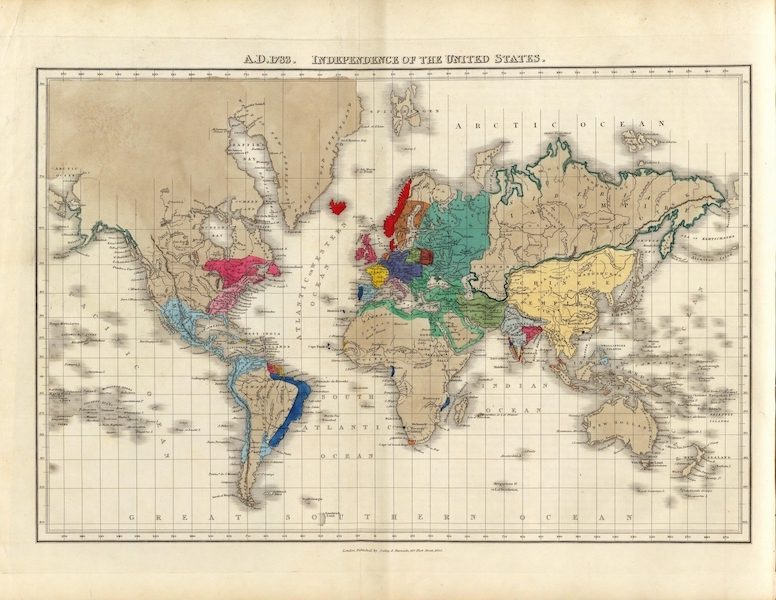 | A.D. 1783. Independence Of The United States.
The entire world is shown without cloud cover for the first time. Political divisions are shown from the restoration of the Stuarts in England, A.D. 1660, to the independence of the United States of America, A.D. 1783. Nineteenth period. The area north of Canada is uncharted and left blank. (David Rumsey) Engraved by Sidy. Hall Bury Strt. Bloomsby. London Published June 1828 by Seeley & Burnside 169 Fleet Street. |
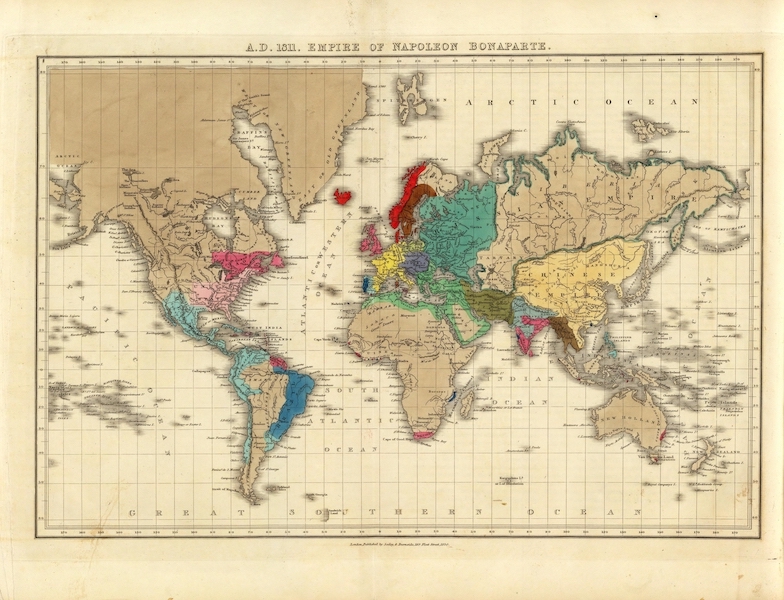 | A.D. 1811. Empire of Napoleon Bonaparte.
World shown from the independence of the United States of America, A.D. 1783 to the greatest extension of the French Empire, A.D. 1811. Twentieth period. (David Rumsey) Engraved by Sidy. Hall Bury Strt. Bloomsby. London Published June 1828 by Seeley & Burnside 169 Fleet Street. |
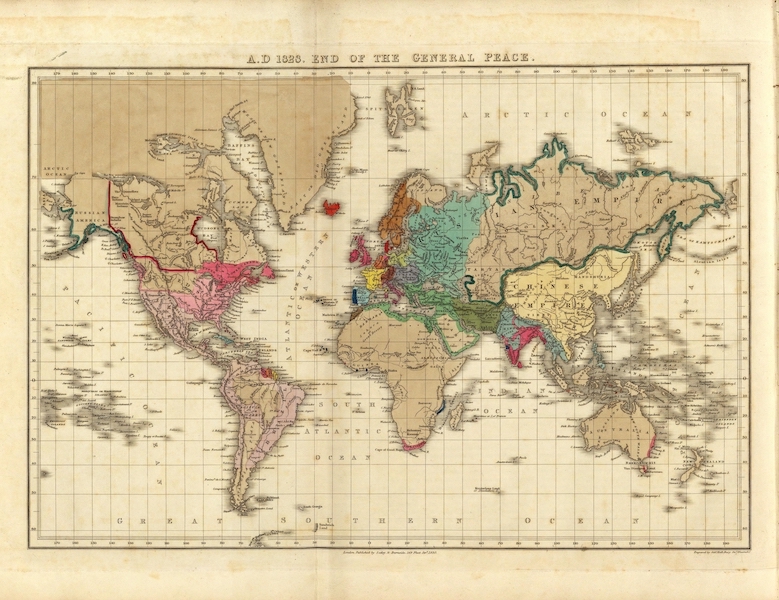 | A.D. 1828. End Of The General Peace.
World shown from the greatest extension of the French Empire, A.D. 1811, to the end of the general peace, A.D. 1828. Twenty-first period. (David Rumsey) Engraved by Sidy. Hall Bury Strt. Bloomsby. London Published June 1828 by Seeley & Burnside 169 Fleet Street. |
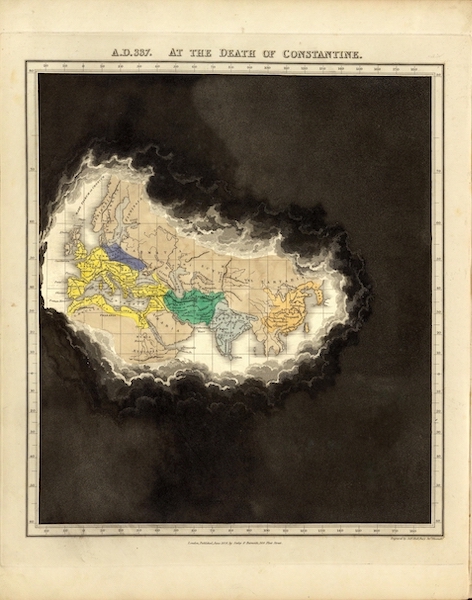 | A.D. 337. At The Death Of Constantine.
The European known Earth shown through clouds from the birth of Christ to the death of Constantine, A.D. 337. In full color from Scandinavia and Morocco to Korea. (David Rumsey) Engraved by Sidy. Hall Bury Strt. Bloomsby. London Published June 1828 by Seeley & Burnside 169 Fleet Street. |
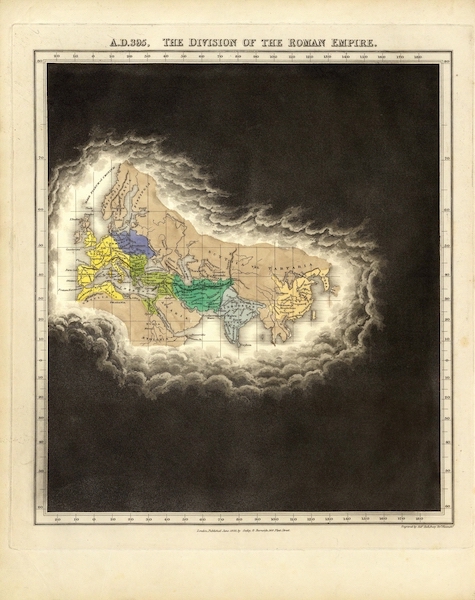 | A.D. 395. The Division Of The Roman Empire.
The European known Earth shown through clouds from the death of Constantine, A.D. 337, to the division of the Roman Empire into Eastern and Western, on the death of Theodosius, A.D. 395. In full color, covering from Scandinavia and Morrocco to Korea; Western and Eastern Roman empires shown in different colors. (David Rumsey) Engraved by Sidy. Hall Bury Strt. Bloomsby. London Published June 1828 by Seeley & Burnside 169 Fleet Street. |
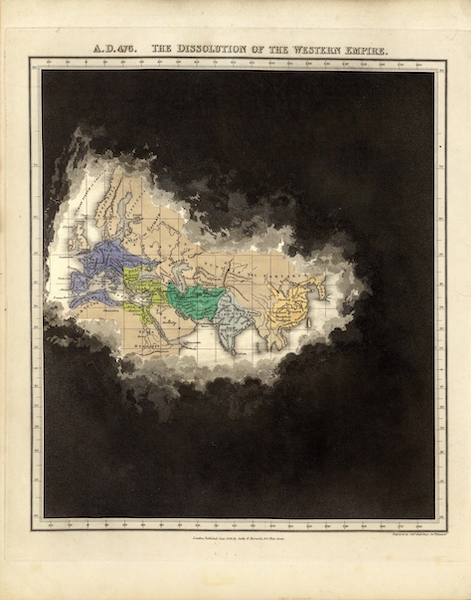 | A.D. 476. The Dissolution Of the Western Empire.
The known earth shown through clouds from the division of the Roman Empire into Eastern and Western, on the death of Theodosius, A.D. 395, to the dissolution of the Western Empire, A.D. 476. Eleventh period. The Western Roman Empire is now identified in purple as the "Northern Nations." (David Rumsey) Engraved by Sidy. Hall Bury Strt. Bloomsby. London Published June 1828 by Seeley & Burnside 169 Fleet Street. |
 | A.D. 814. Exhibiting The Empire Of Charlemagne.
The known world shown through clouds from the dissolution of the Western Empire, A.D. 476, to the death of Charlemagne, A.D. 814. Twelfth period. Three Empires identified: Charlemagne (yellow), Greek (yellow-green) and Mahometan (green). (David Rumsey) Engraved by Sidy. Hall Bury Strt. Bloomsby. London Published June 1828 by Seeley & Burnside 169 Fleet Street. |
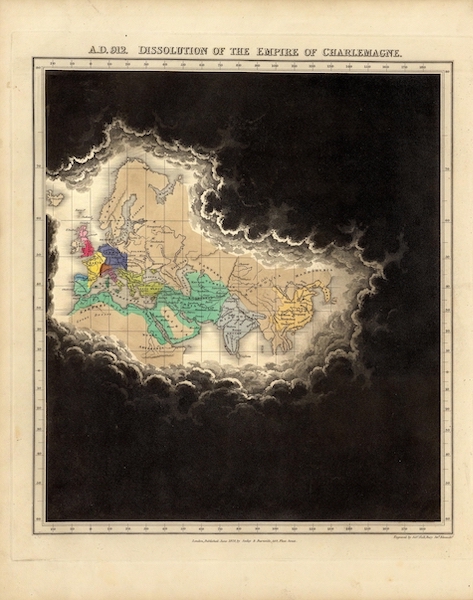 | A.D. 912. Dissolution of the Empire Of Charlemagne.
The known world shown through clouds from the death of Charlemagne, A.D. 814, to the dissolution of his Empire, A.D. 912. Thirteenth period. Countries in Europe beginning to emerge and land mass to top of Scandinavia shown for first time. (David Rumsey) Engraved by Sidy. Hall Bury Strt. Bloomsby. London Published June 1828 by Seeley & Burnside 169 Fleet Street. |
 | Aahmes, Mother of Hatshepsu, in the Temple at Der El-Bahri
|
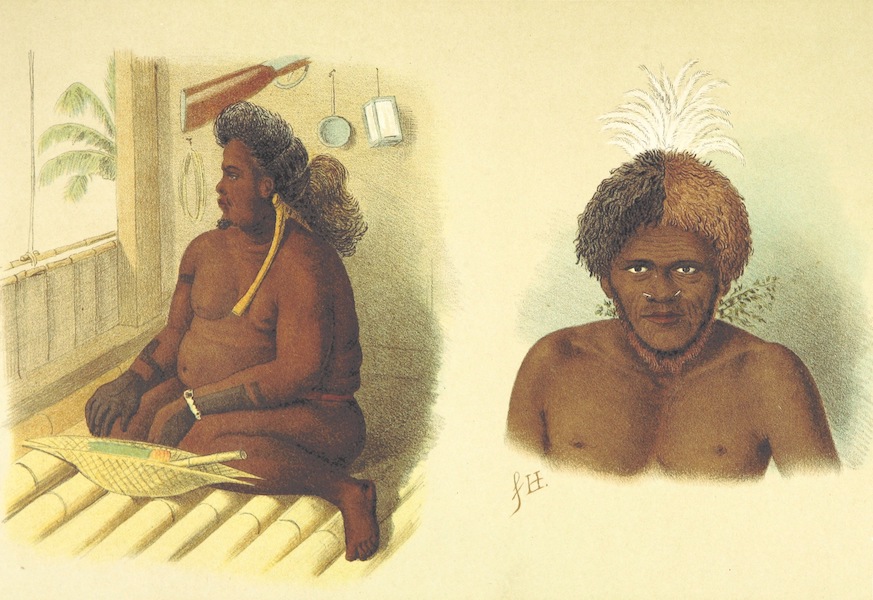 | Aba Thule, Konig von Palao and Hauptling von Neu-Britannien
|
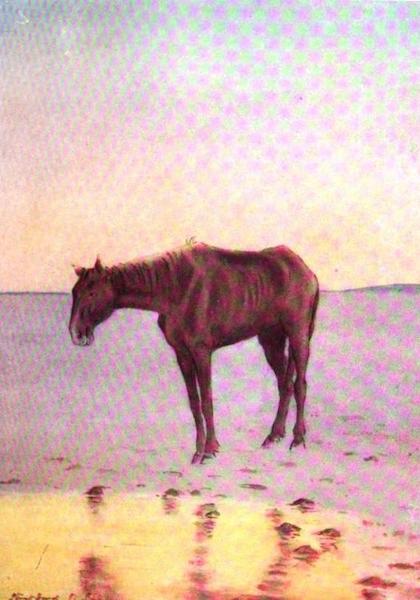 | Abandoned
|
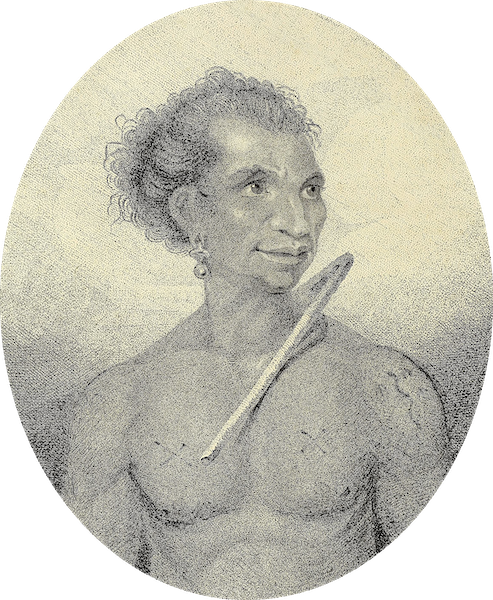 | Abba Thulle, King of Pelew
|
 | Abbeville
|
 | Abbeville, Rue Du Puit-à-la-chaine
|
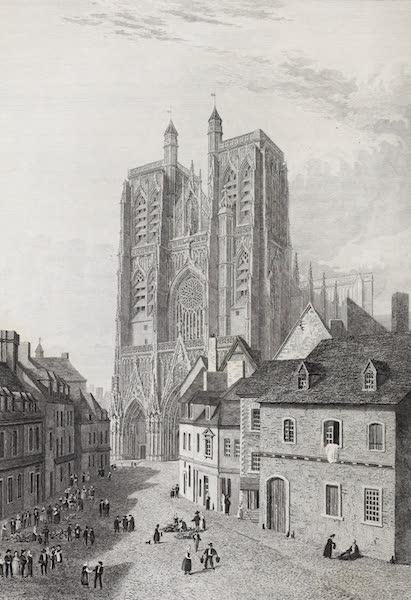 | Abbeville, View in the Marche Aux Fleurs
|
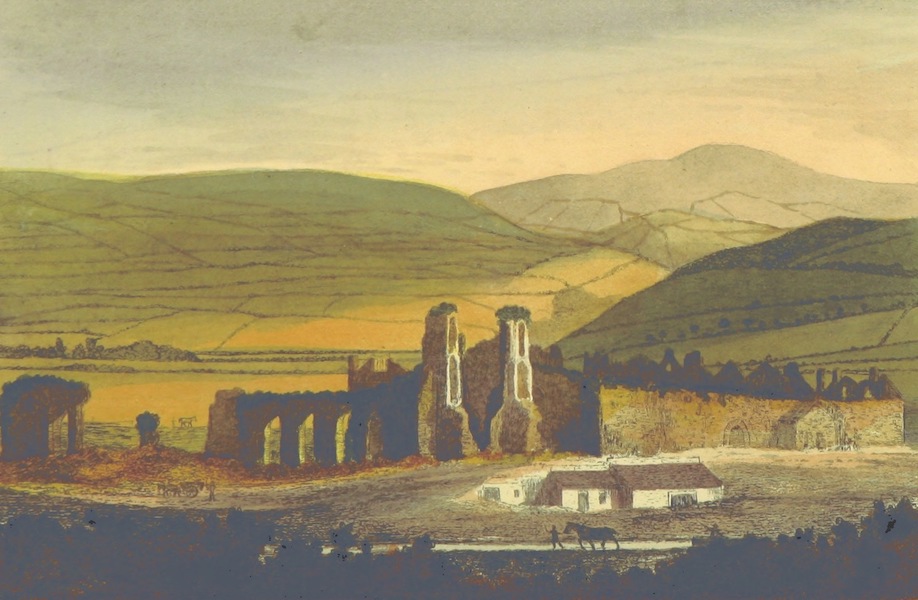 | Abbey Ruins
|
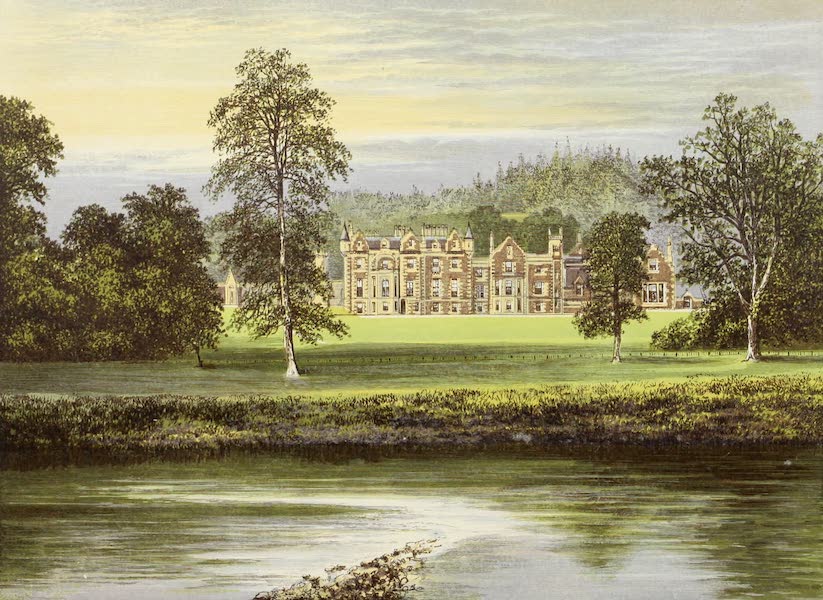 | Abbortsford
|
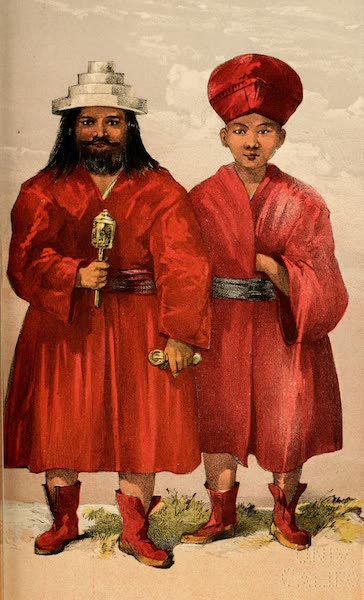 | Abbot and High Lama of Lama Yurru
|
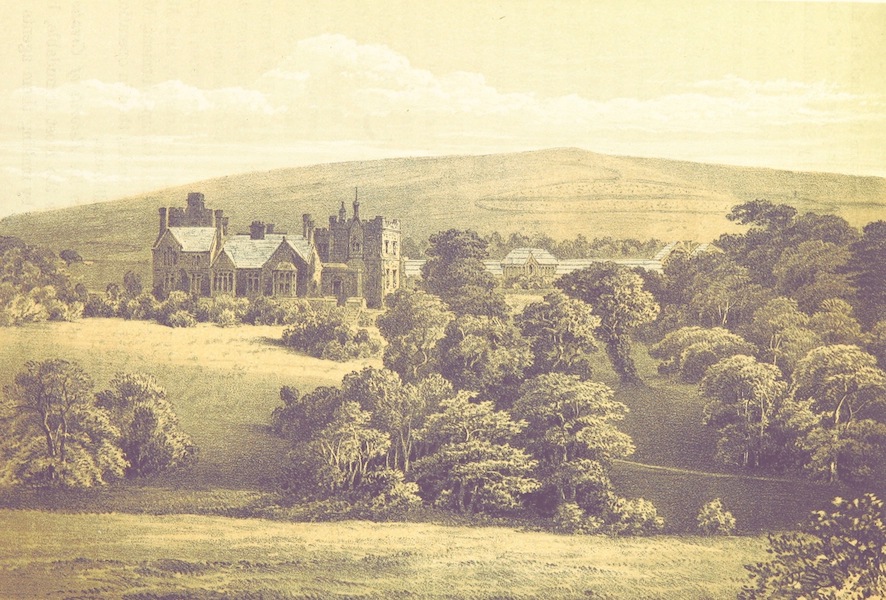 | Abbots Wood, Furness Abbey, the Residence of James Ramsden
|
 | Abbotsford from the River Tweed
|
 | Abbotsford, Roxburghshire
|
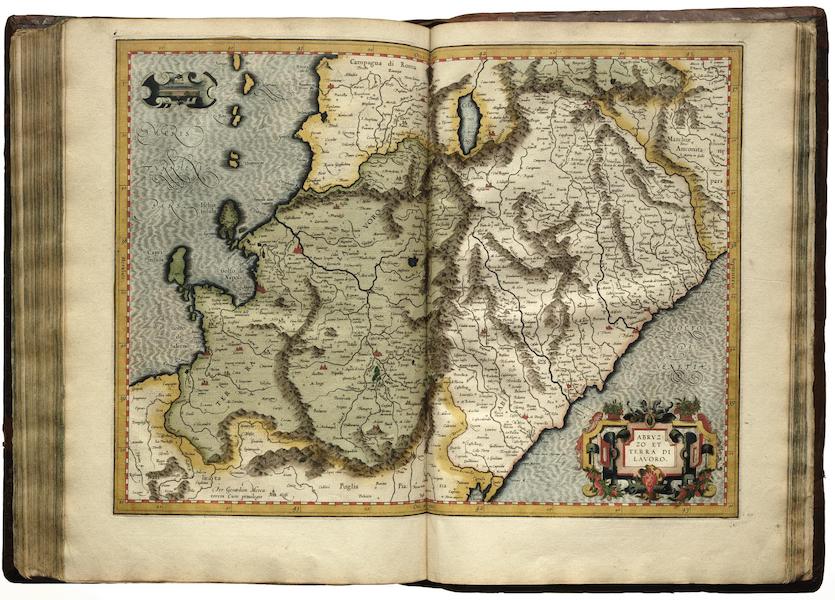 | Abbruzzo
|
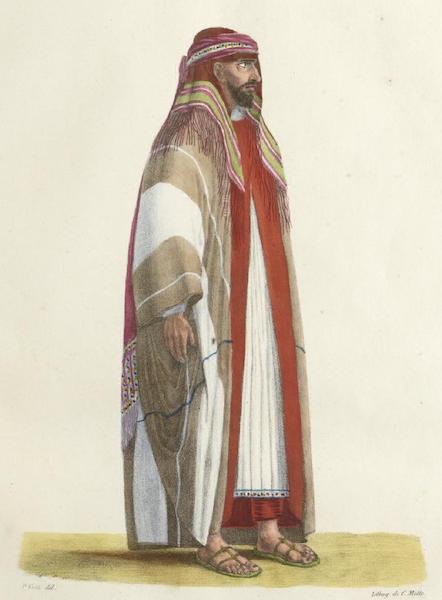 | Abdallah-ebn-Souhoud, Chef des Wahabys
|
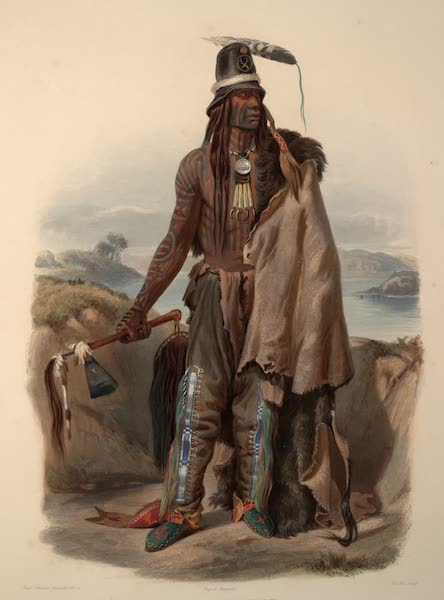 | Abdih-Hiddisch, Mönnitarri -Chef. / Abdih-Hiddisch, Chef Meunitarri. / Abdih-HIddisch, a Minatarre Chief.
|
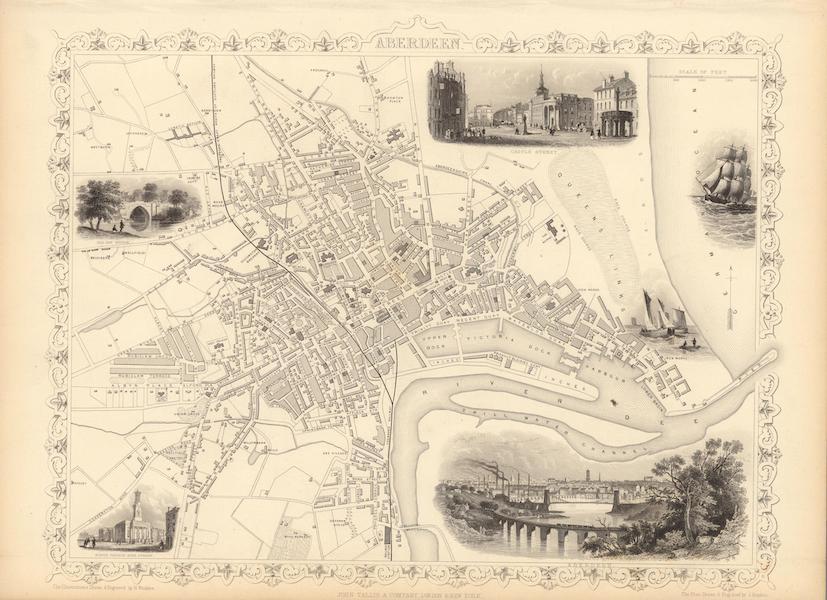 | Aberdeen
|
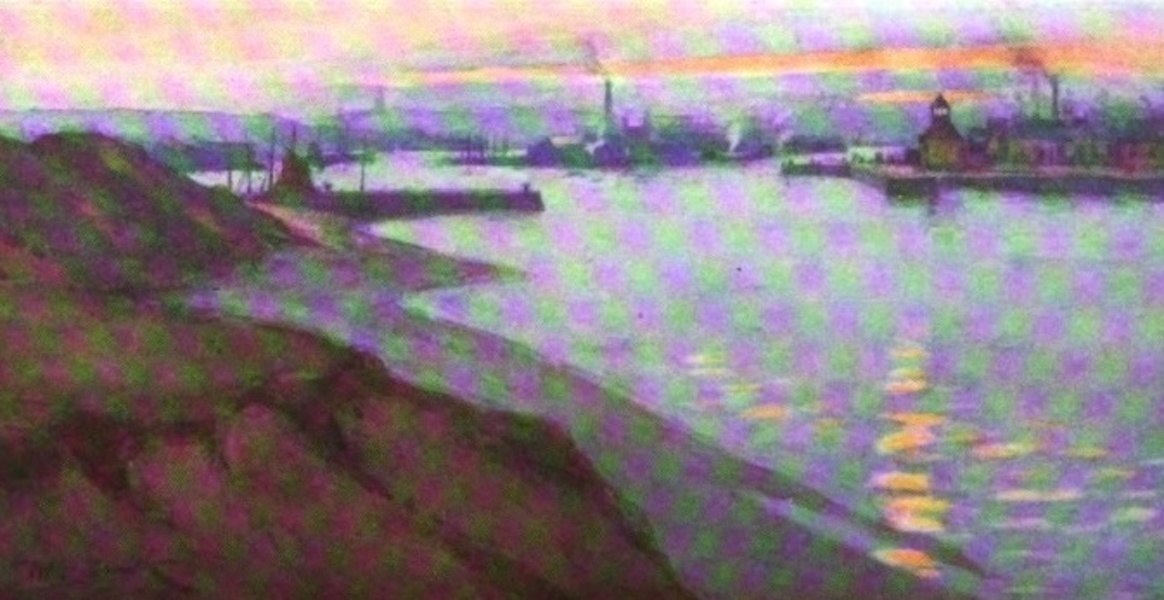 | Aberdeen and the Mouth of the Dee
|
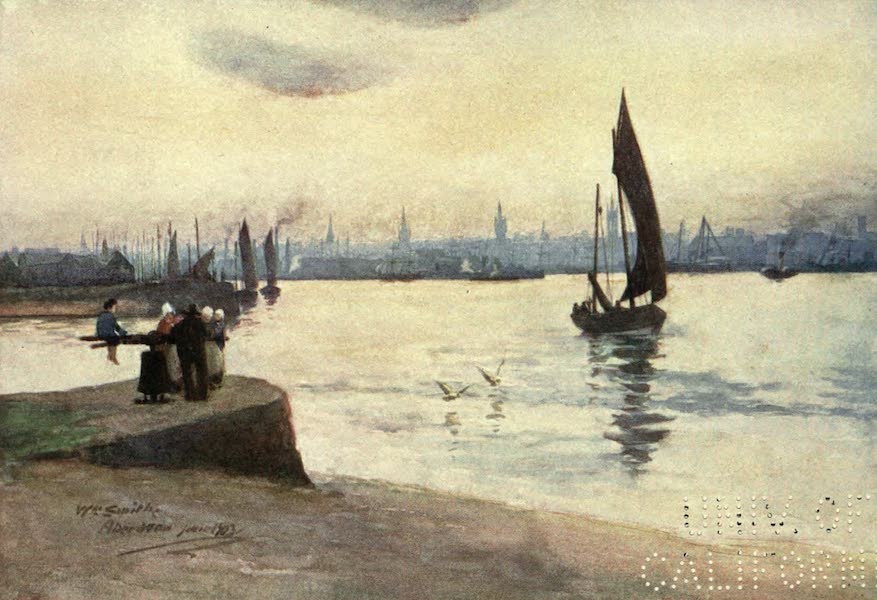 | Aberdeen from the Harbour Entrance
|
 | Aberdeen from the Harbour Entrance
|
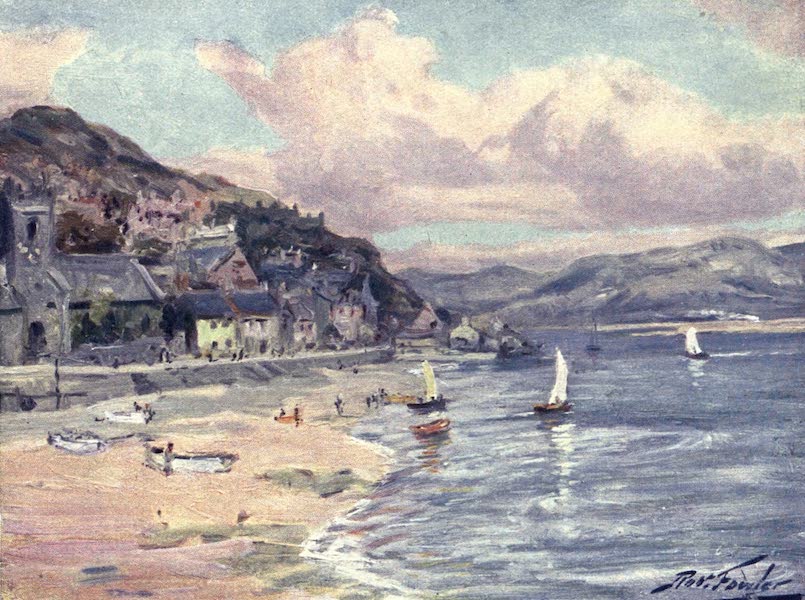 | Aberdovey
|
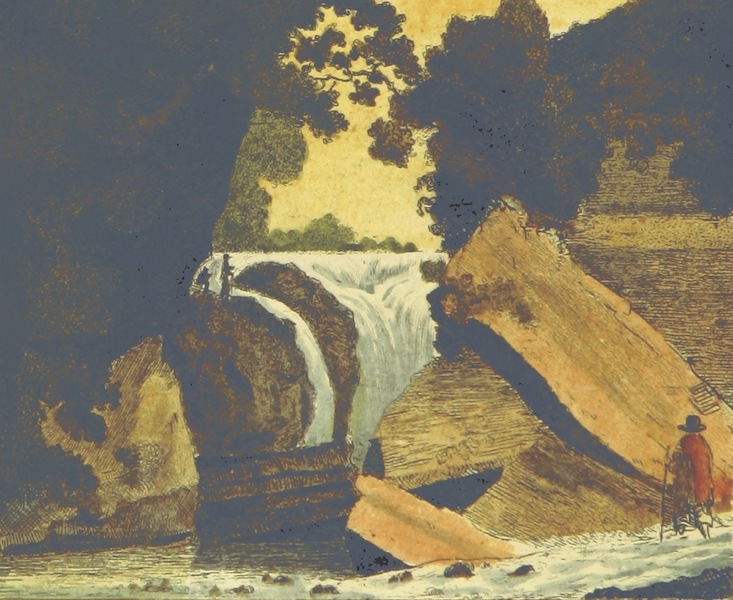 | Aberdylais
|
 | Aberedw and Black Mountains
|
 | Abergeldie Castle
|
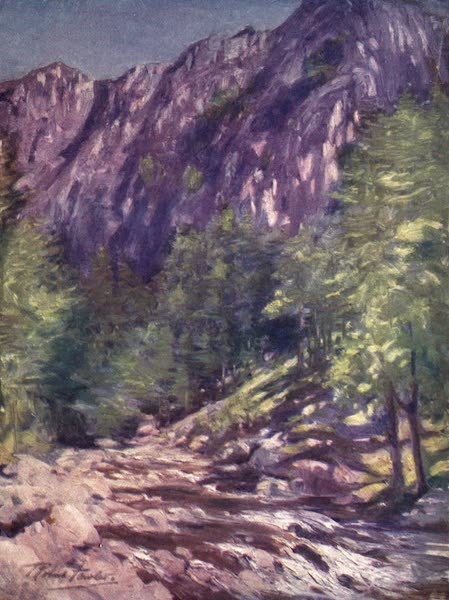 | Aberglaslyn
|
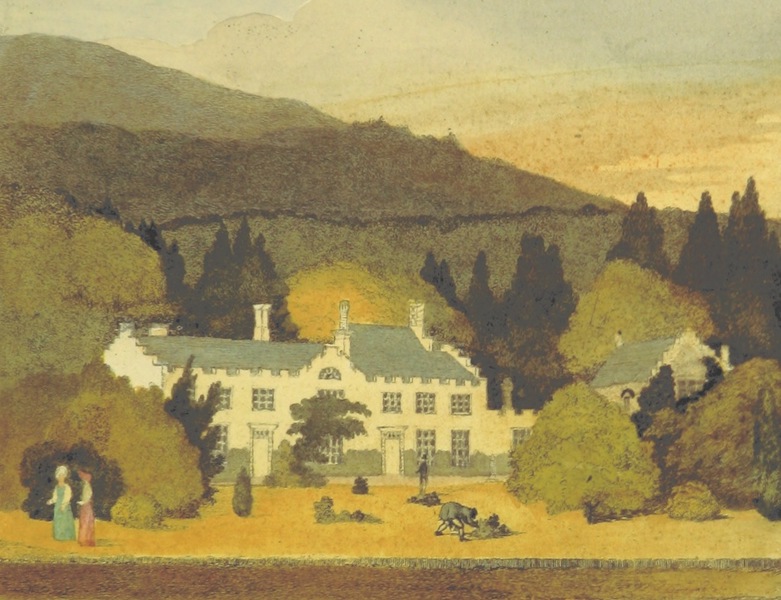 | Aberpergwm
|
 | Abingdon
|
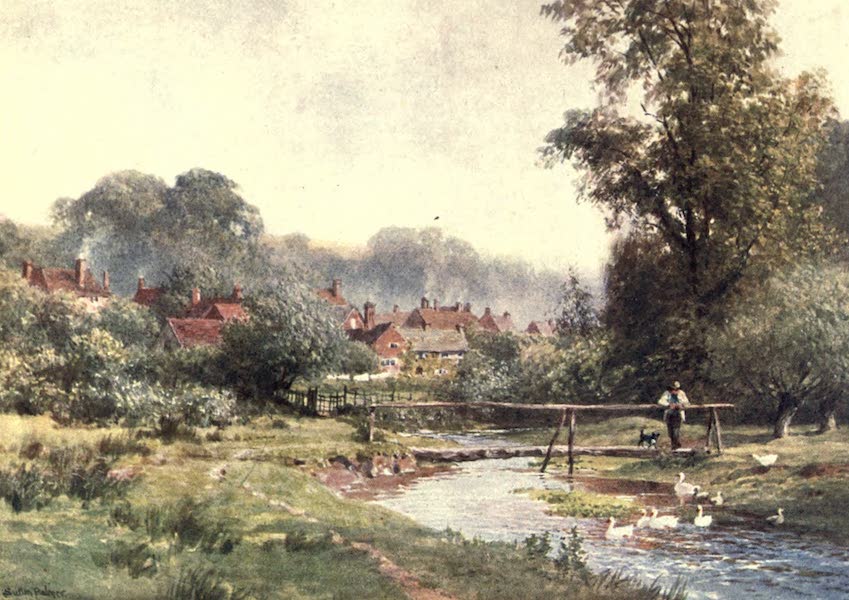 | Abinger Hammer
|
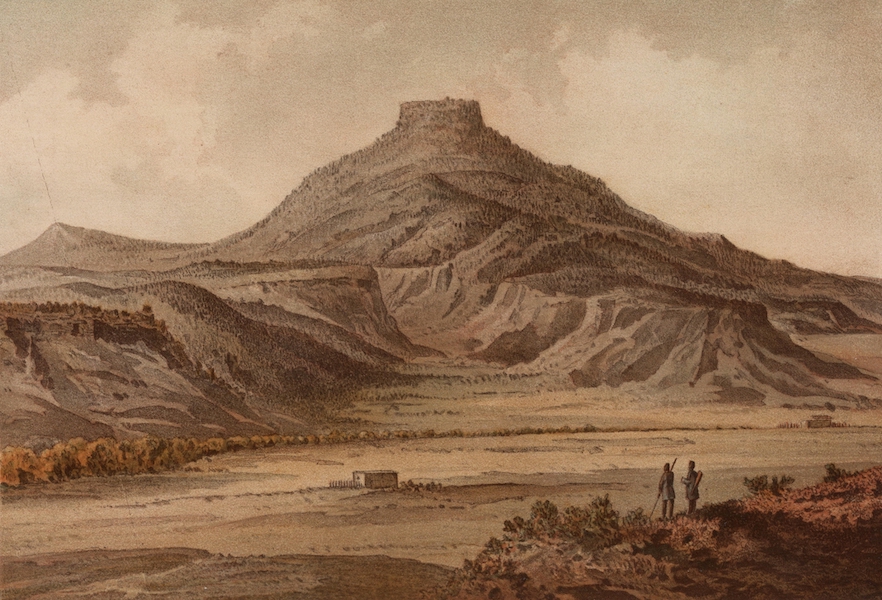 | Abiquiu Peak, Looking Westerly
|
 | Abitations des Negres de Benin
|
 | Ablutions of a young Hindoo Woman of rank on the banks of the Ganges
|
 | Aborigenes
|
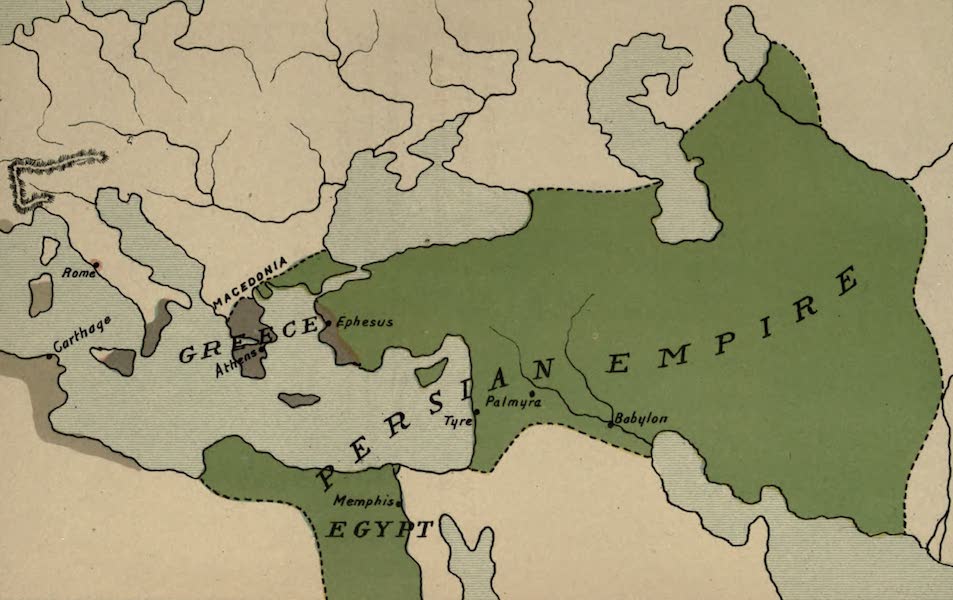 | About the Year 500 B.C.
|
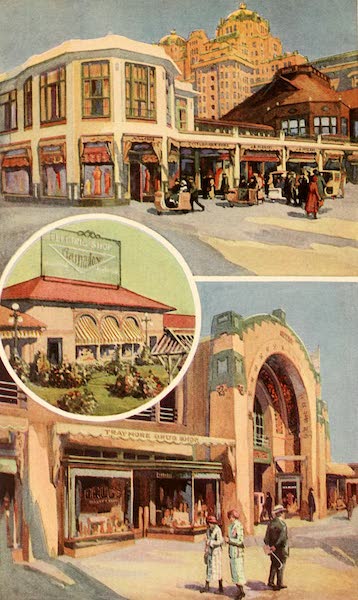 | Above - Brighton Shops | Below - Traymore Shops | In Circle - Nation Exhibit of Crosby and Elkin's Electrical Appliances
|
 | Above Builth
|
 | Above Chepstow
|
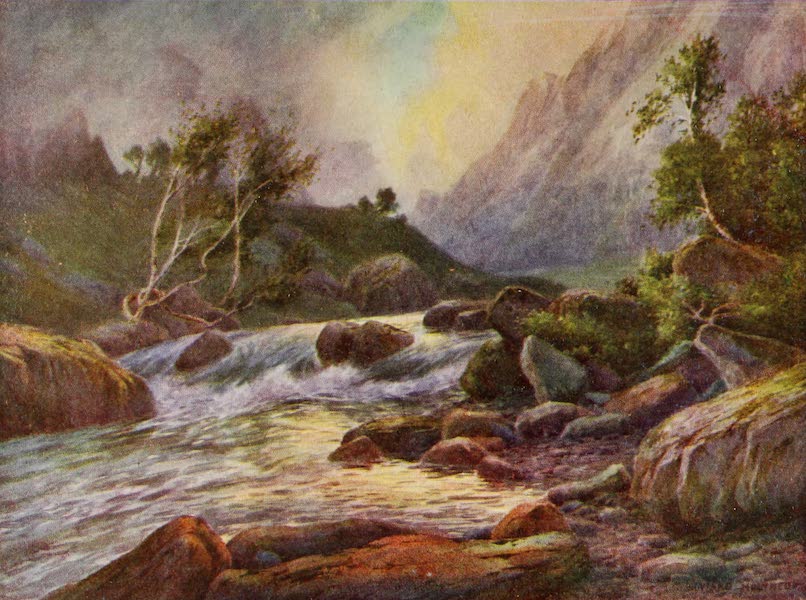 | Above Lidarwat, Lidar Valley
|
 | Above Monmouth
|
 | Above the Camping-Ground, Sonamarg, Sind Valley
|
 | Above the Fifth Bridge, Srinagar
|
 | Above the Grand Falls
|
 | Abraham and Isaac. Ghiberti, from his second Baptistery Doors
|
 | Abraham Quary, the last Indian of the Nantucket tribe age 64
|
 | Absalom's Pillar - Valley of Jehoshaphat
|
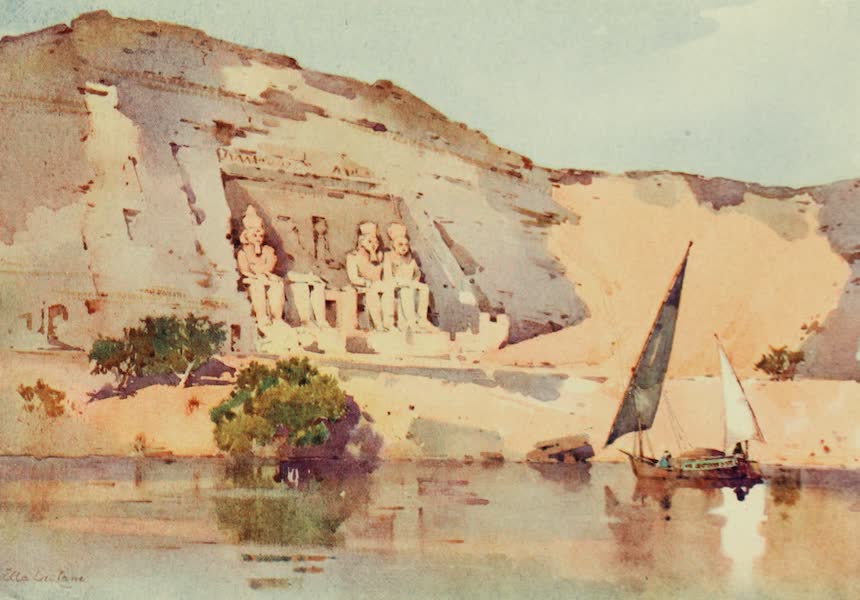 | Abu Simbel
|
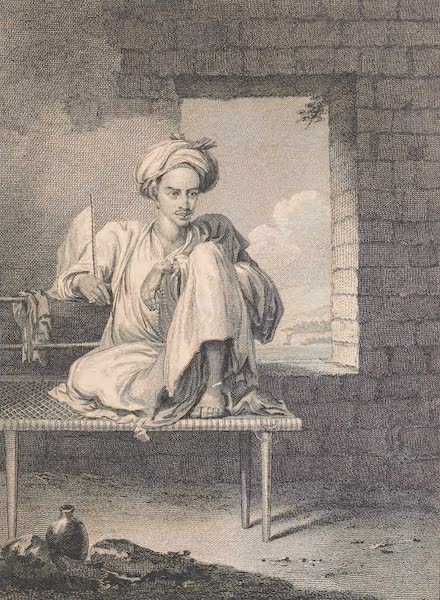 | Abyssinian at Massowah
|
 | Abyssinian Locust
|
 | Abyssinian Young Priest, Woodcutter, Galla Playing on the Pipe
|
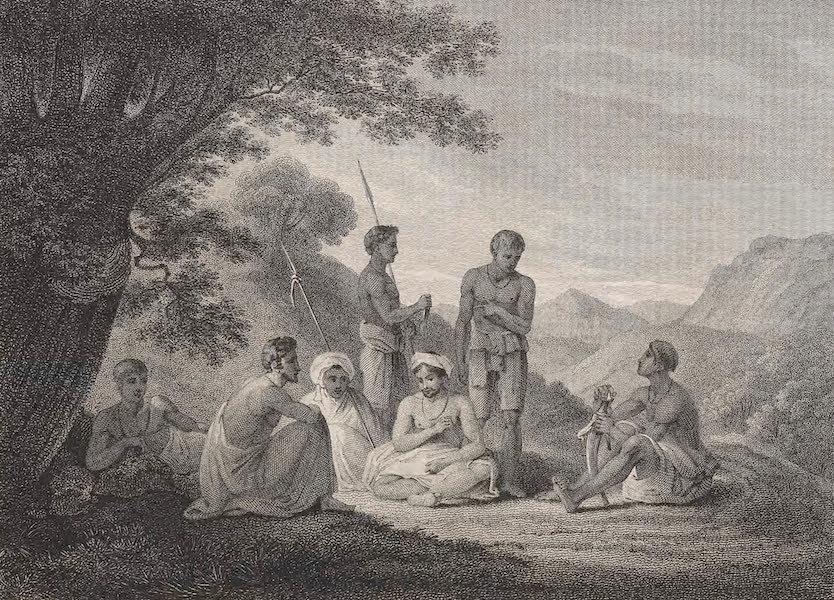 | Abyssinians Reposing
|
 | Abyssinians Resting on a March
|
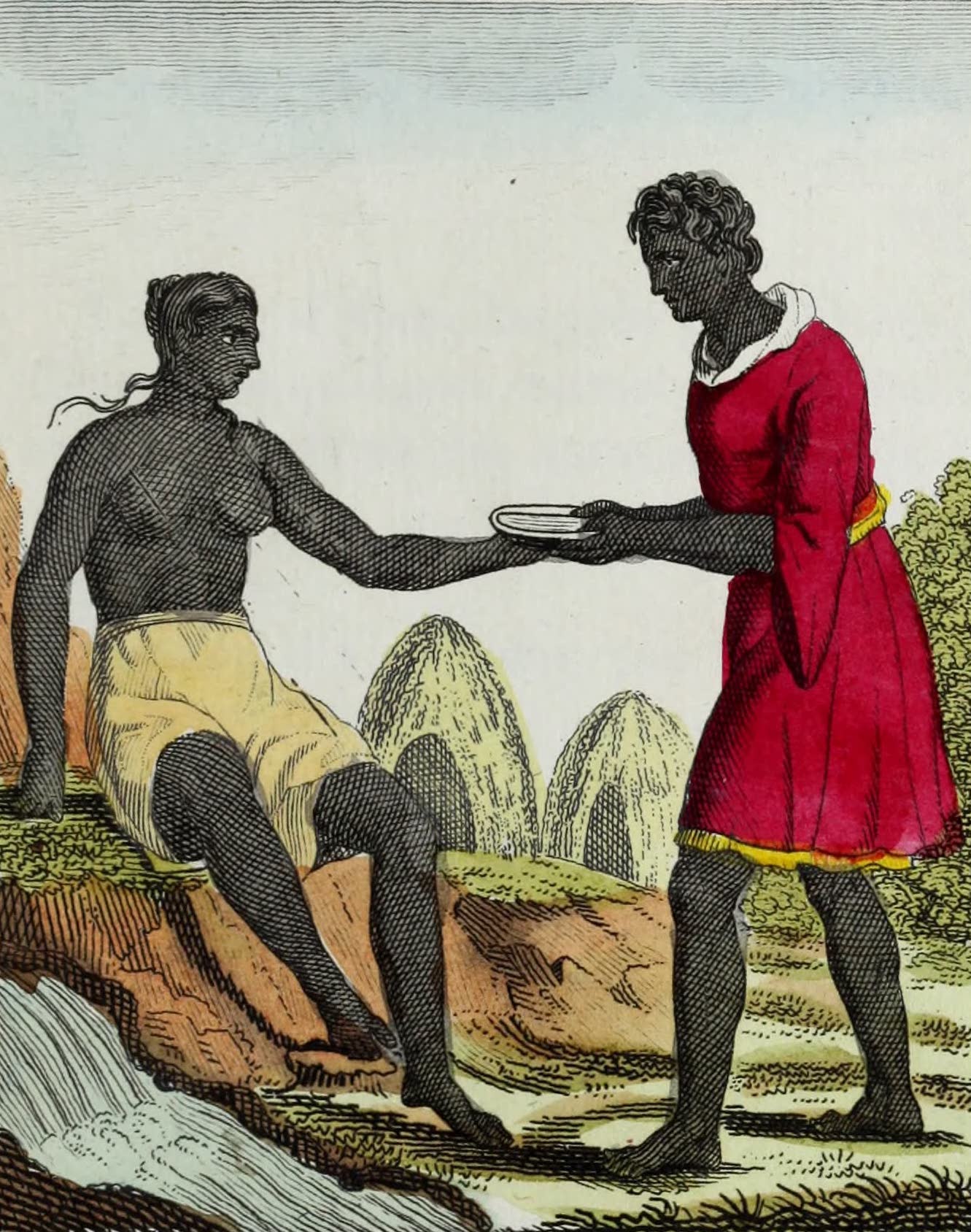 | Abyssiniens
|
 | Abyssins en repos
|
 | Academie Imperiale des Beaux Arts de Rio de Janeiro
|
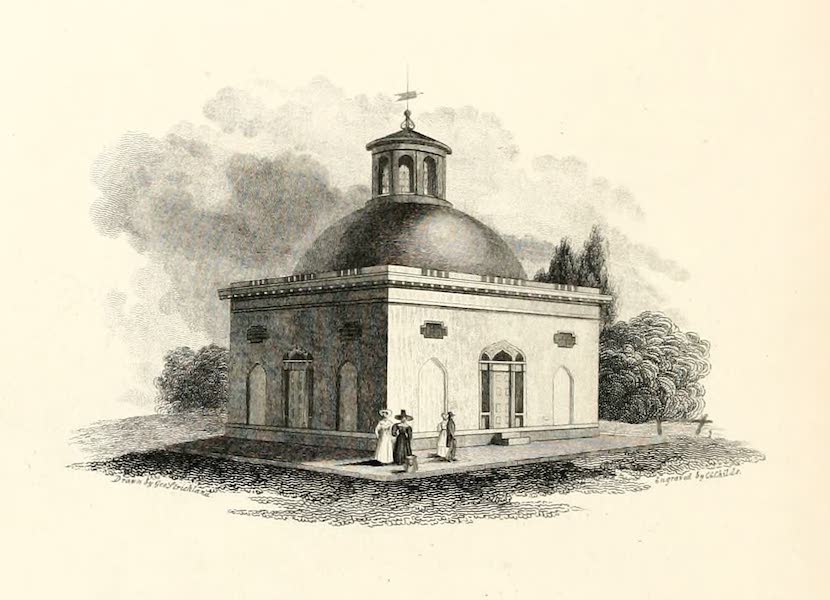 | Academy of National Sciences
|
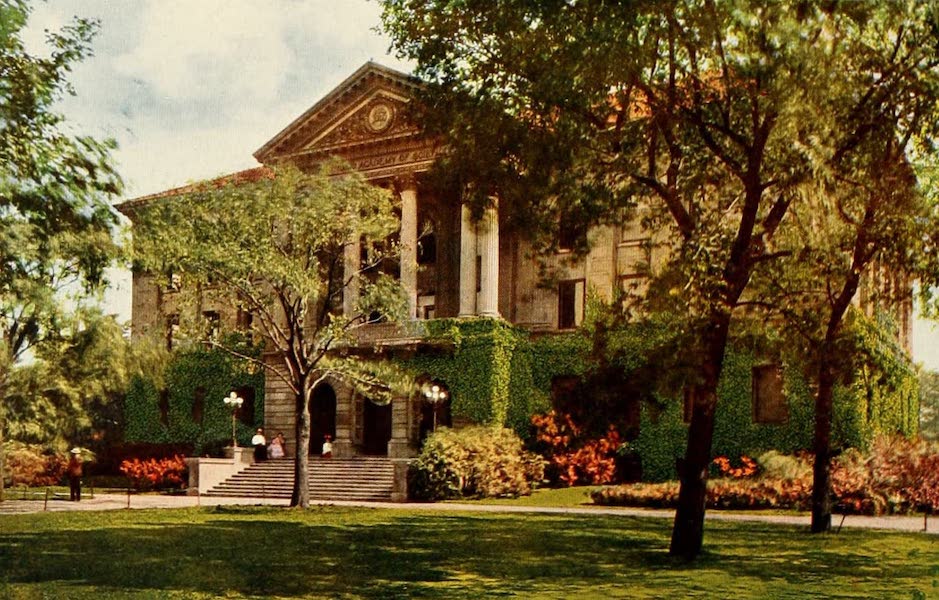 | Academy of Science, Lincoln Park
|
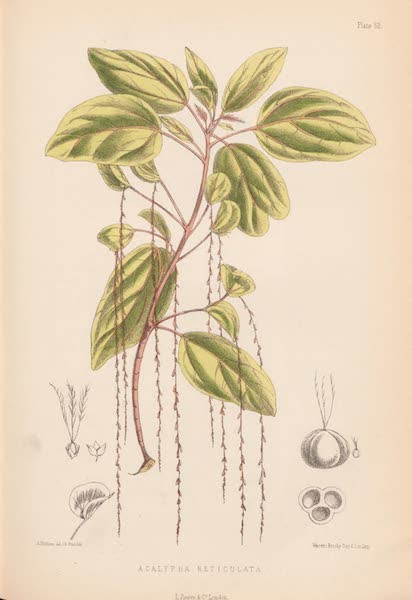 | Acalypha Reticulata
|
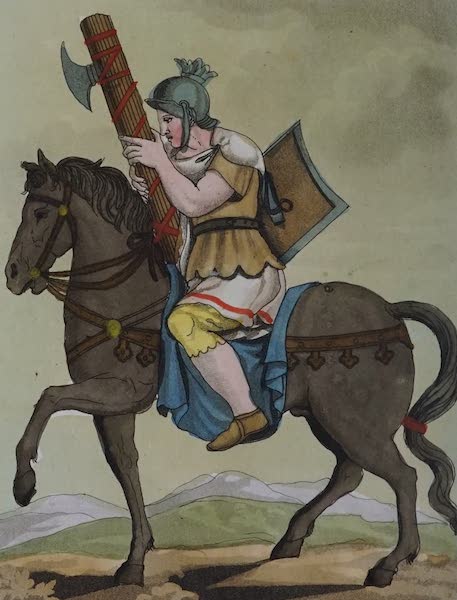 | Accampamento romano
|
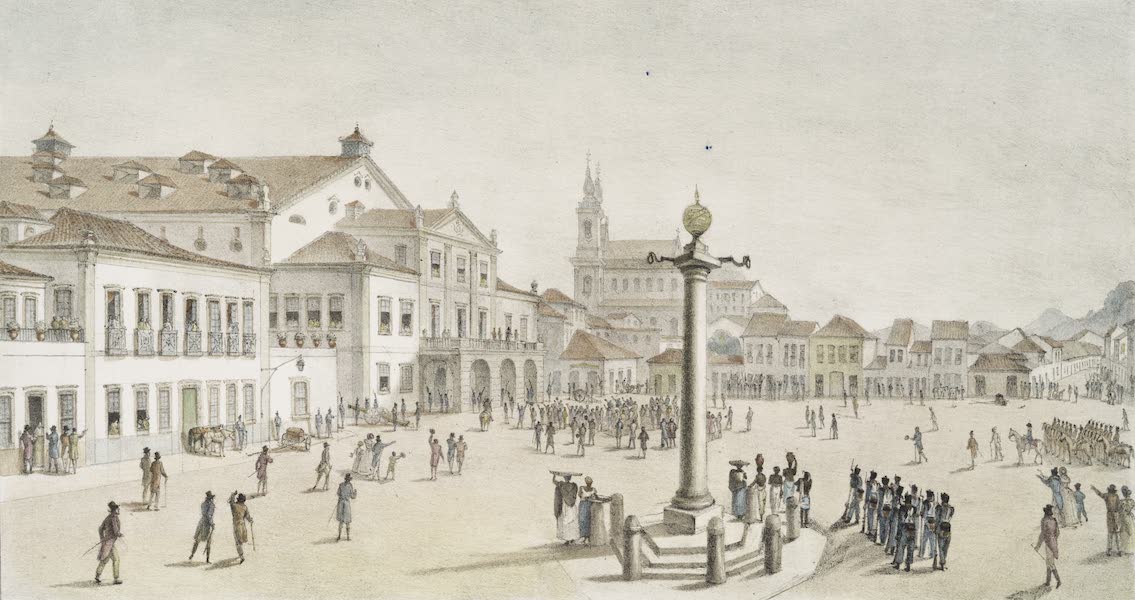 | Acceptation provisoire de la Constitution de Lisbonne, a Rio de Janeiro, en 1821
|
 | Acclamation de Dom Pedro II a Rio de Janeiro, le 7 Avril 1831
|
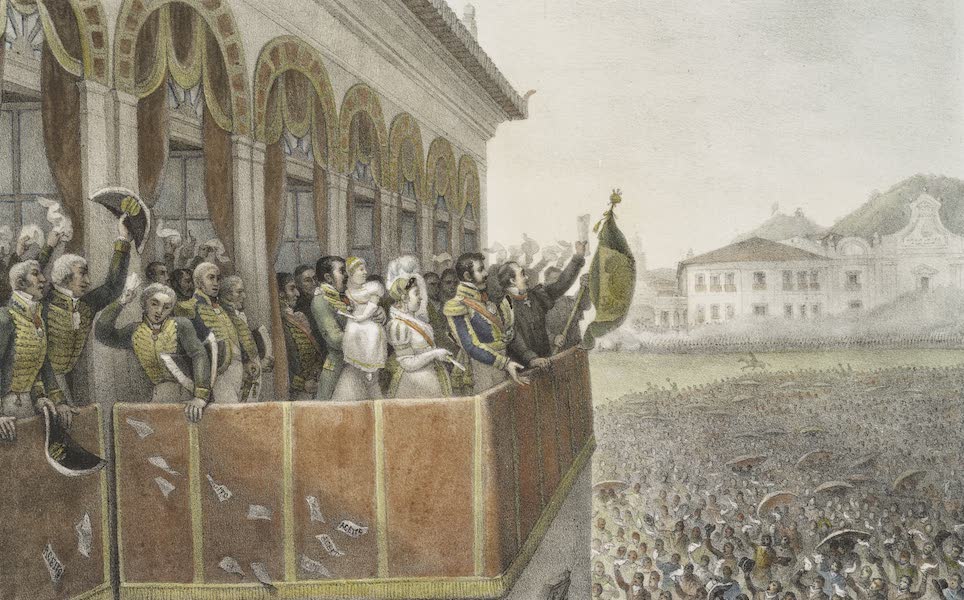 | Acclamation de Don Pedro I, l'empereur du Bresil - Cremonie de Sacre de Dom Pedro I, l'empereur du Bresil a Rio de Janeiro, le 1 Decembre 1822
|
 | Acclamation du Roi Dom Jean VI a Rio de Janeiro
|
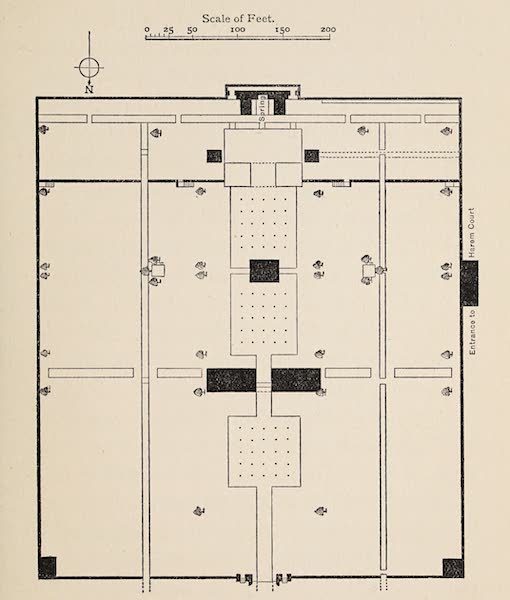 | Achibal Bagh (Plan of the two remaining Terraces)
|
 | Ackergill Harbour, Caithness
|
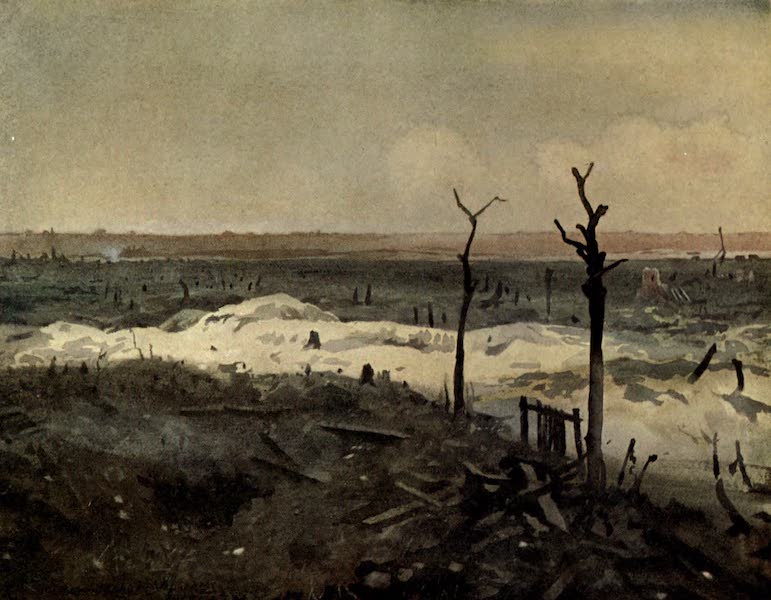 | Aconite Trench, Lens
|
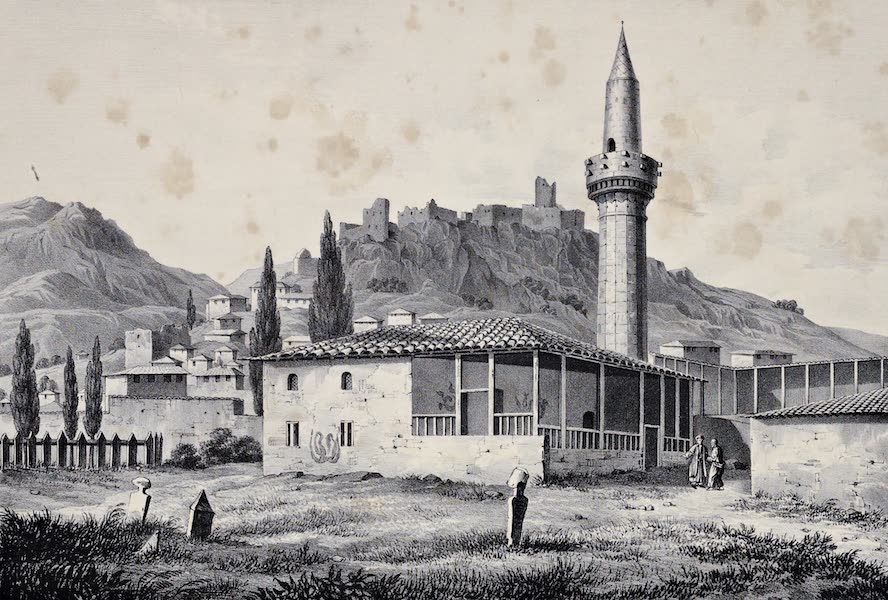 | Acropolis of Amphissa
|
 | Acropolis of Chaeroneia
|
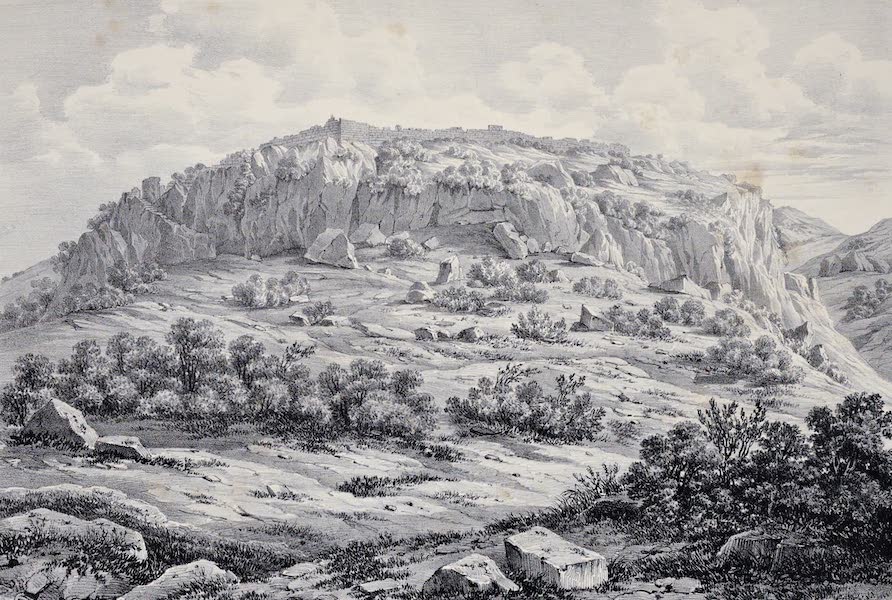 | Acropolis of Daulia
|
 | Acropolis of Mycenae
|
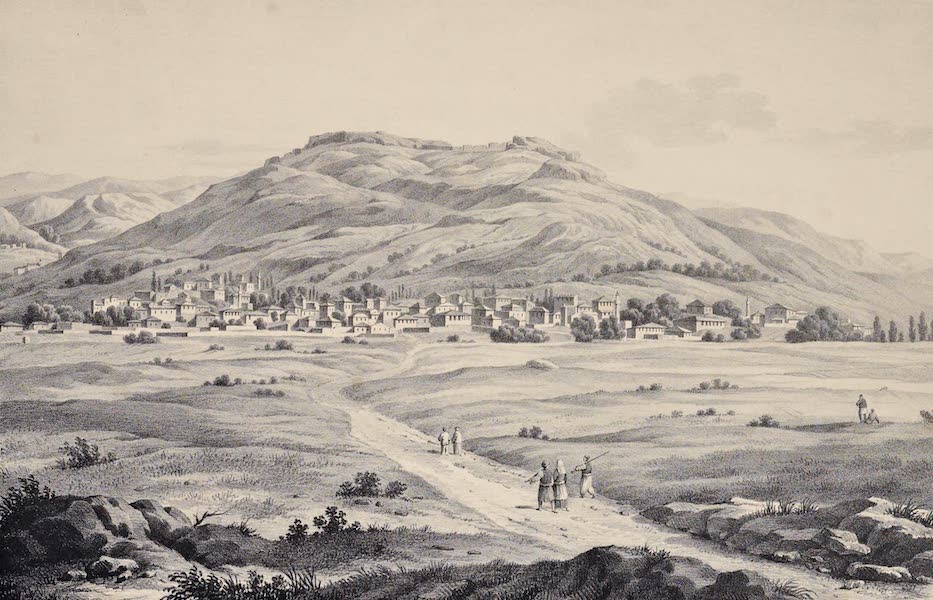 | Acropolis of Pharsalia in Thessaly
|
 | Acropolis of Signia
|
 | Across Lake Tahoe
|
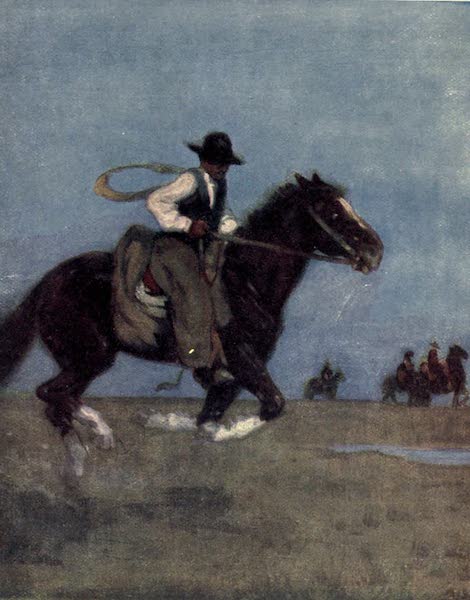 | Across the Argentine Plains
|
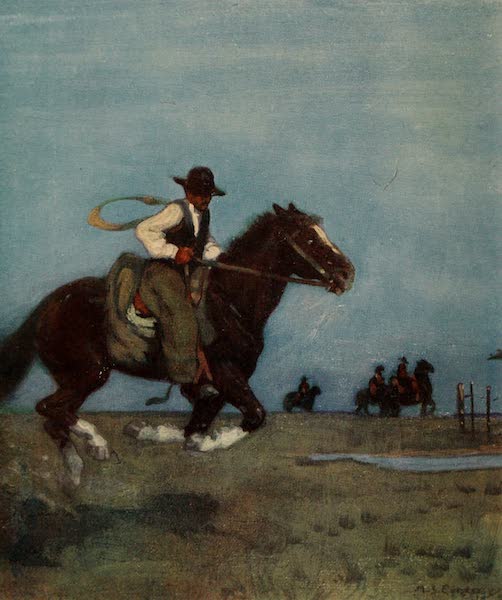 | Across the Campo in Argentina
|
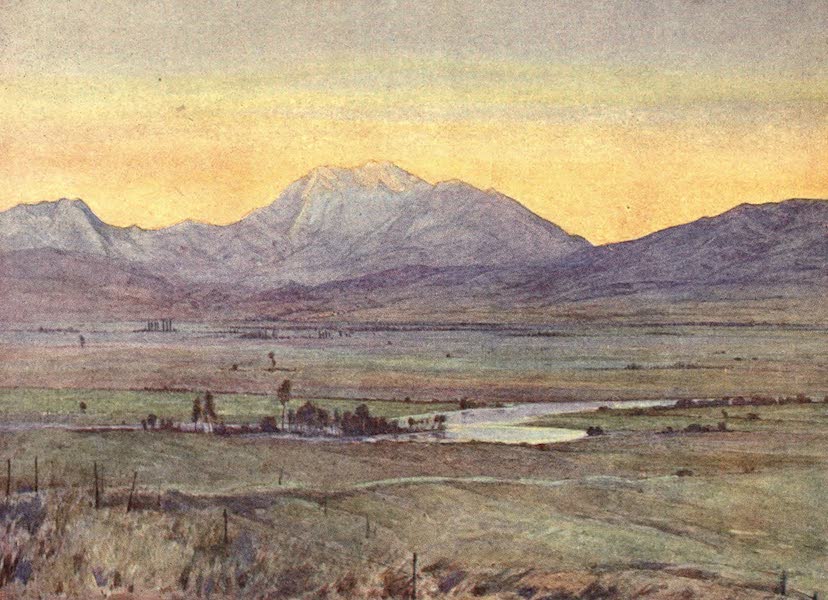 | Across the Struma towards Demirhissar, from Gumusdere
|
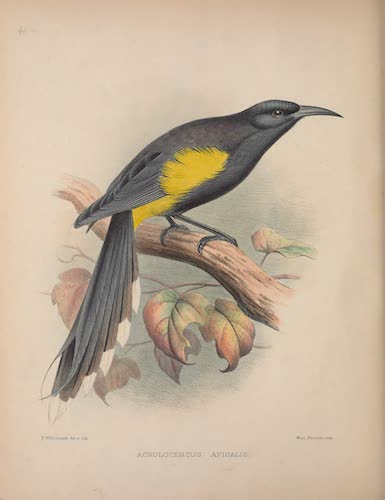 | Acrulocercus apicalis
|
 | Acrulocercus bishopi
|
 | Acrulocercus braccatus
|
 | Acrulocercus nobilis
|
 | Acte de Reconnciliation devant le Tribunal du Kineti
|
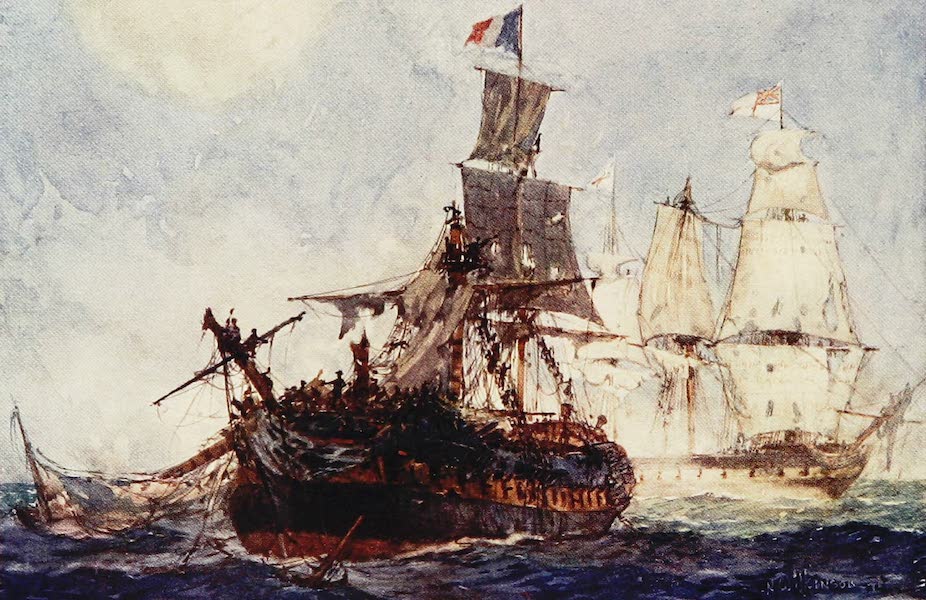 | Action between H.M.S. Phoenix and the French Frigate Didon. August 10th, 1805
|
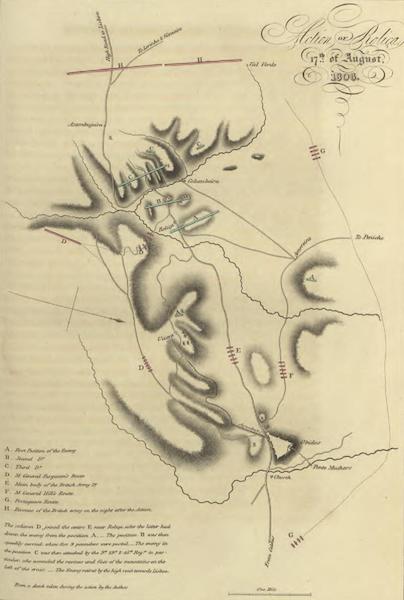 | Action of Rolica, 17th of August, 1808
|
 | Acton Reynald Hall
|
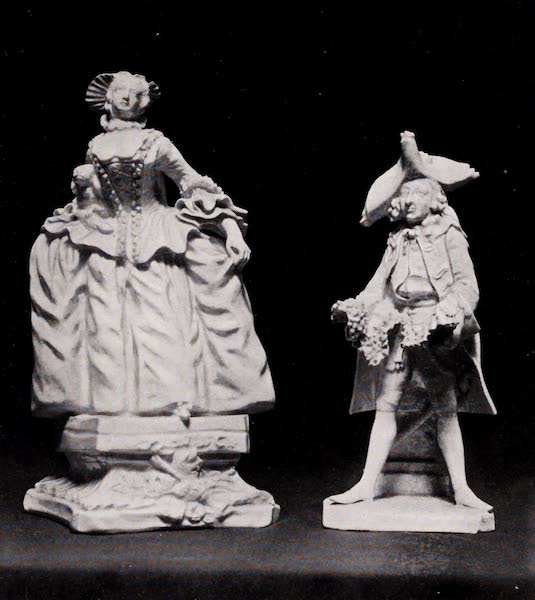 | Actors of Yester-Year
|
 | Adam's Peak & Slave Island, from the Galle-Face Esplanade
|
 | Adam's Peak & the Lake of Colombo, from the Galle-Barrier
|
 | Adam's Peak from the Duke's Pavilion
|
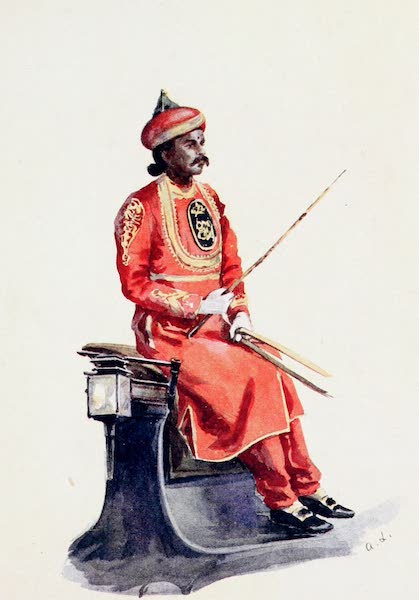 | Adam, the Head Coachman at Government House, Madras
|
 | Adana, Kizil Dagh in the Distance
|
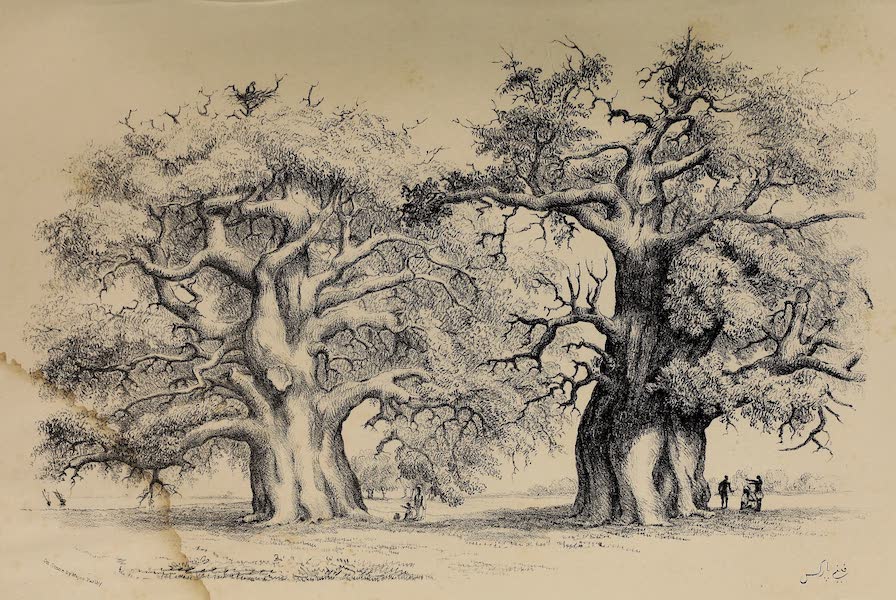 | Adansonia digitata
|
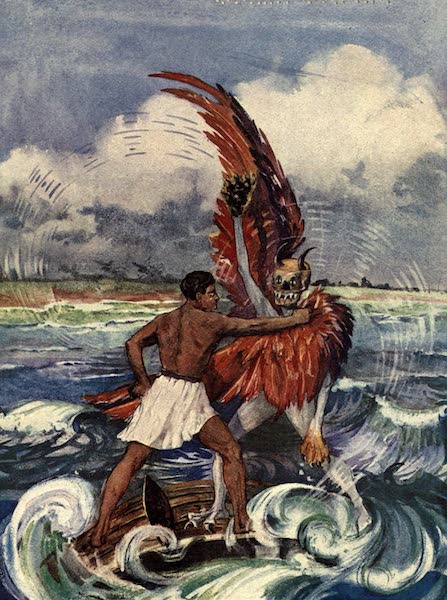 | Adapa Breaks the Wings of the South Wind
|
 | Adare Manor
|
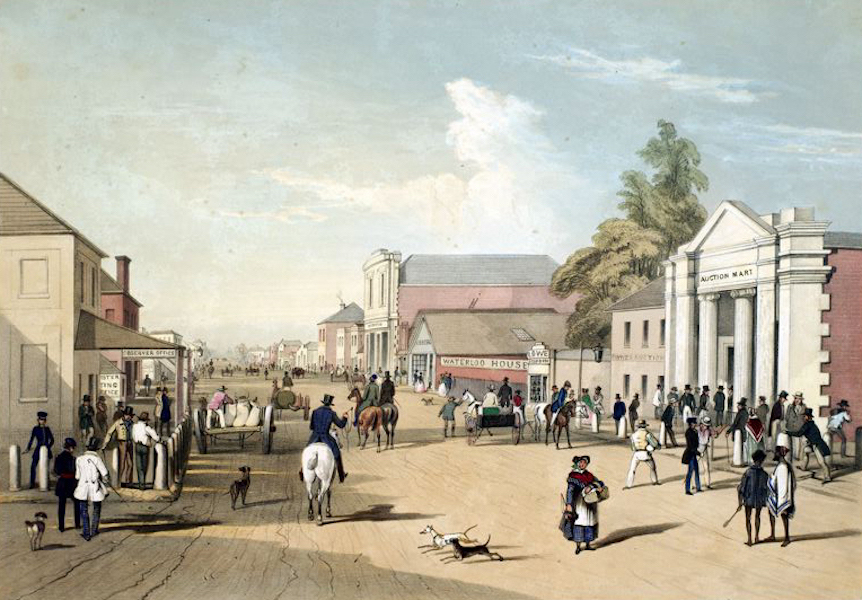 | Adelaide Hindley Street from the corner of King William Street; looking west
|
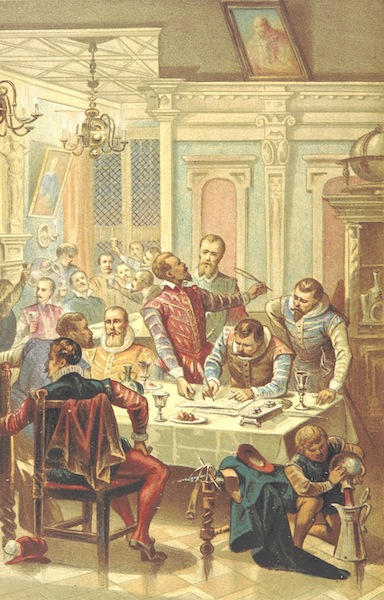 | Adeldom Verplicht
|
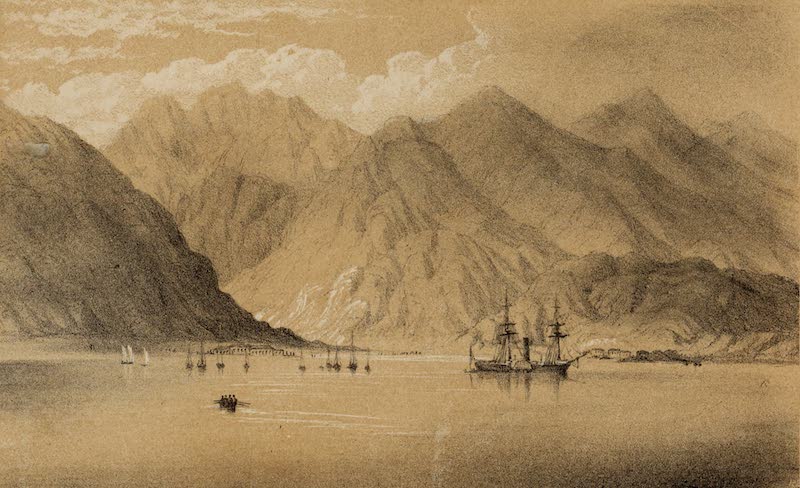 | Aden
|
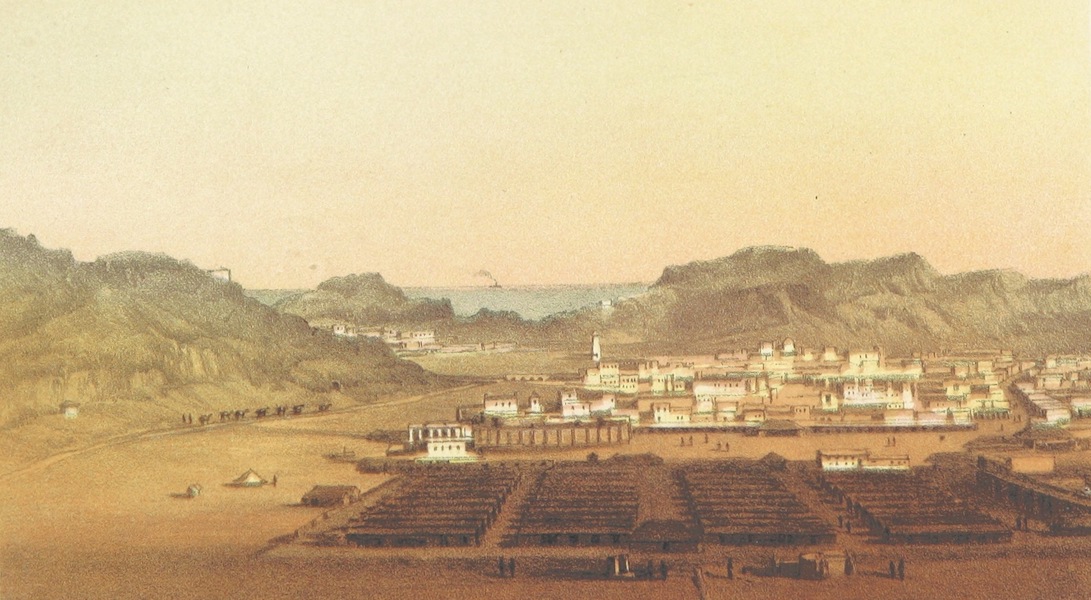 | Aden
|
 | Aden Mombaza Qviloa Cefala
|
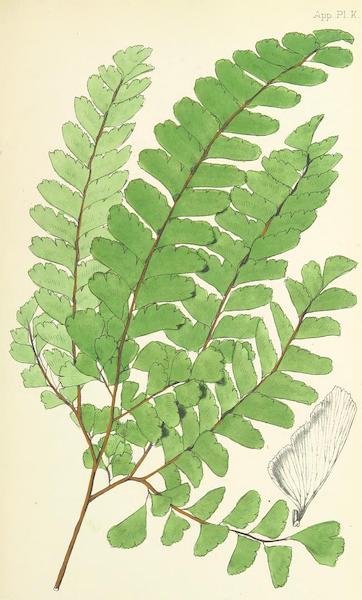 | Adiantium oatesii
|
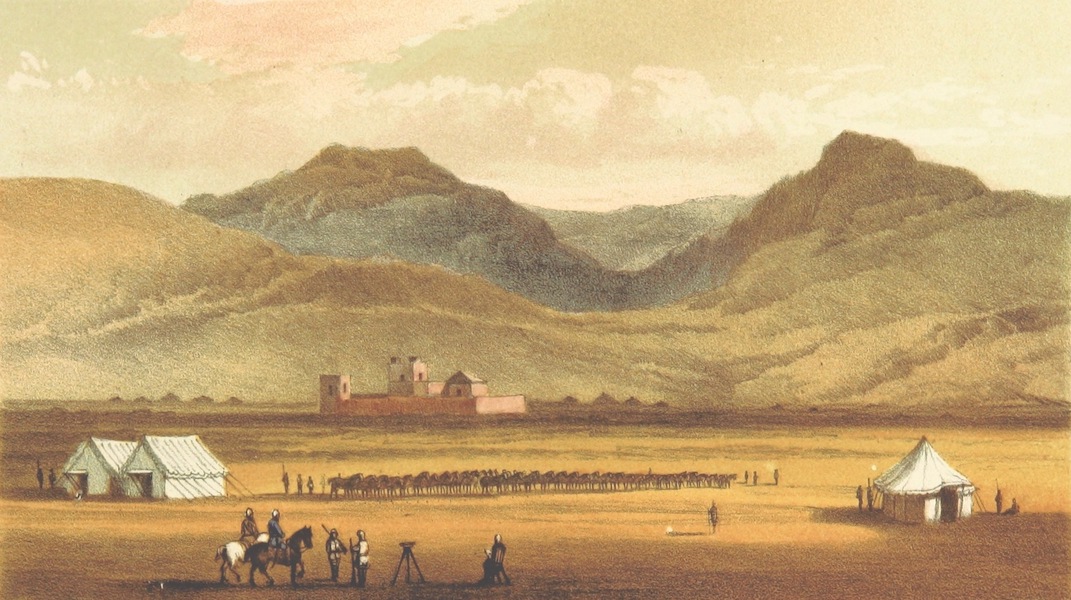 | Adigerat
|
 | Adinkerque : At the Kermesse
|
 | Adinkerque : Village and Canal
|
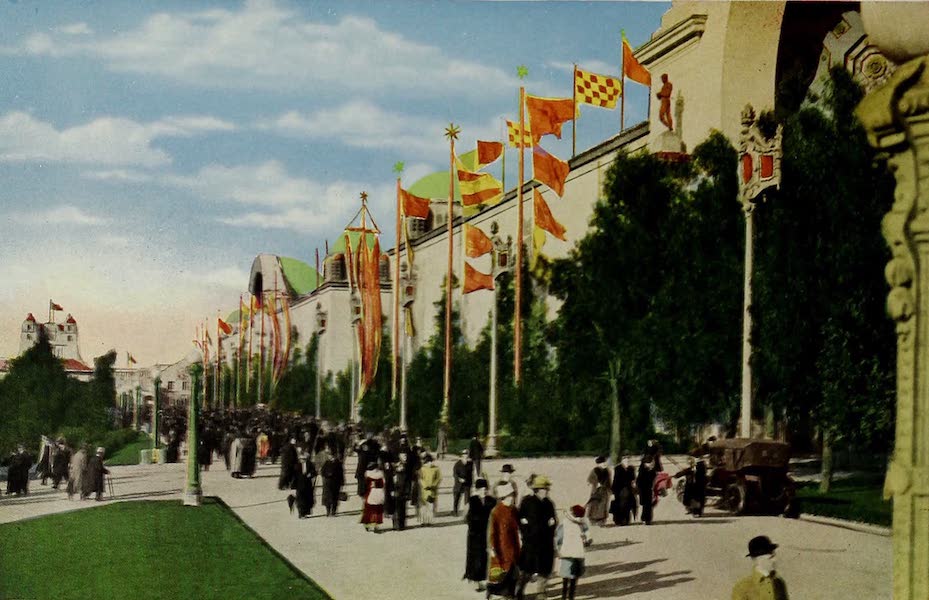 | Administration Avenue
|
 | Administration Building, University of Washington, Seattle, Wash.
|
 | Admiral
|
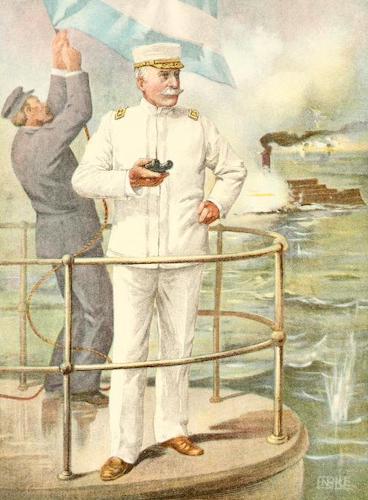 | Admiral Dewey at the Battle of Manila
|
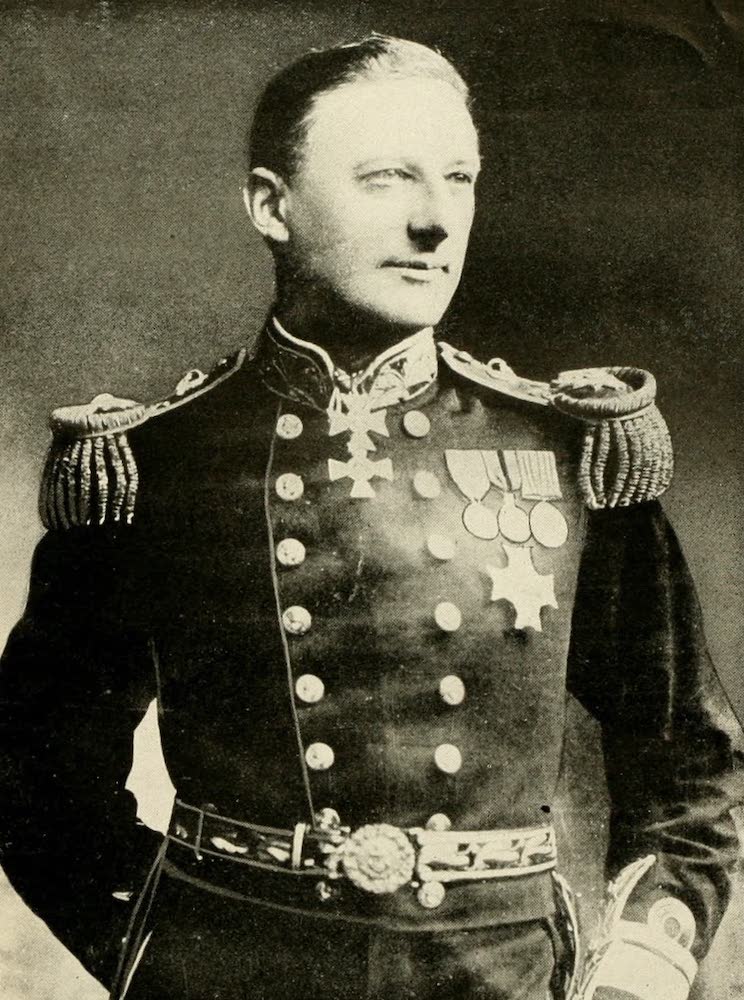 | Admiral of the Fleet, Sir William Henry May
|
 | Admiral Pulido Pareja. Velasquez (National Gallery). From a Photograph by W. A. Mansell & Co.
|
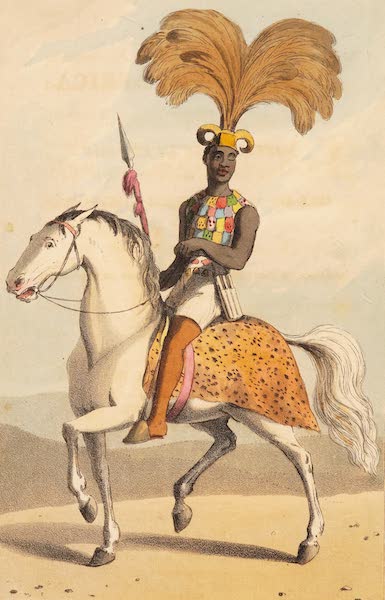 | Adoo Quamina
|
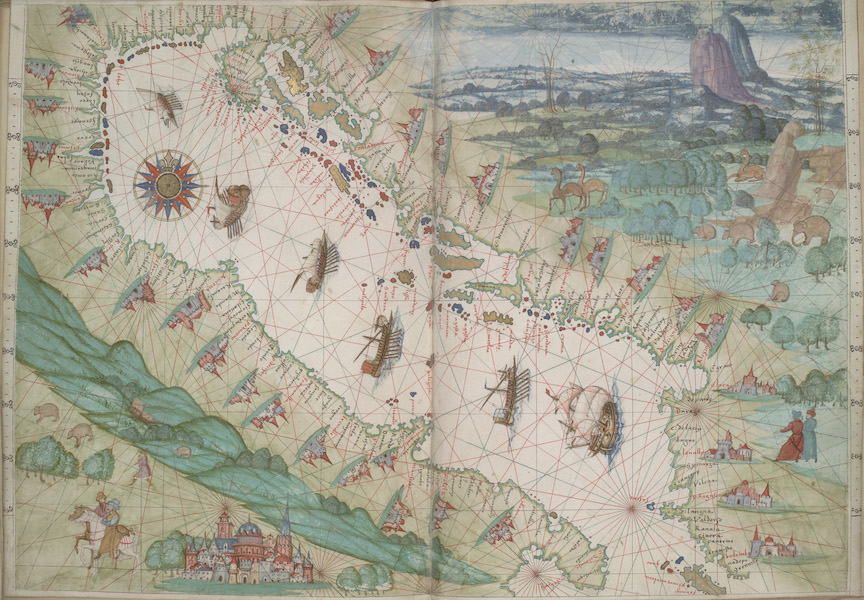 | Adriatic Sea
|
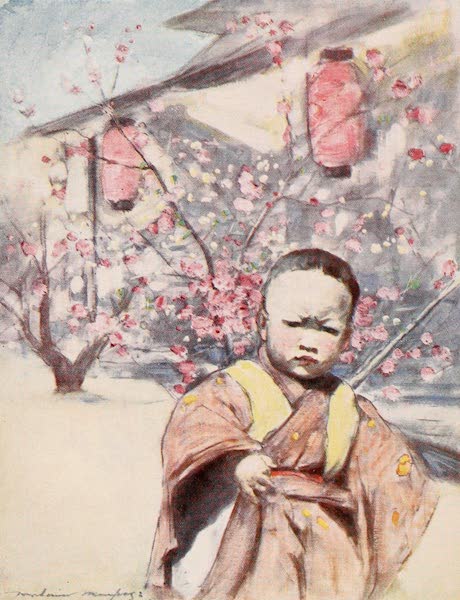 | Advance Japan
|
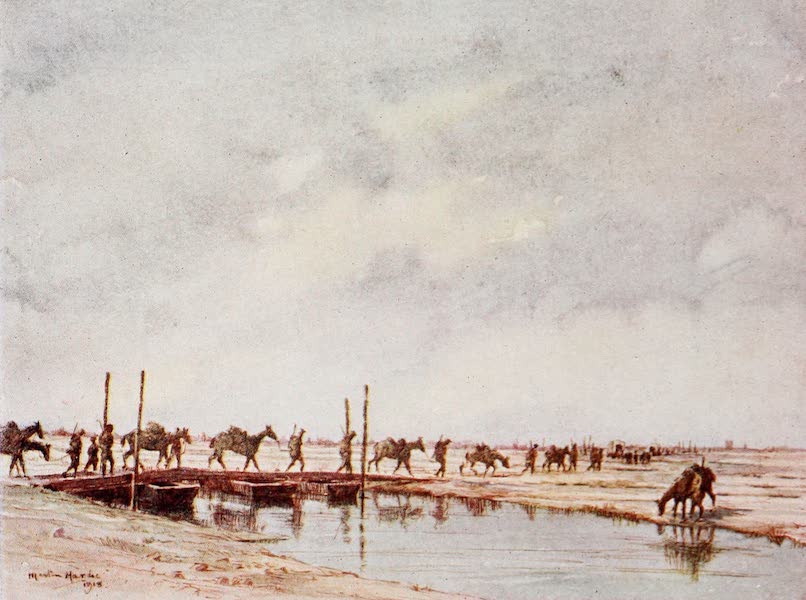 | Advance of the Cavalry across the Piave
|
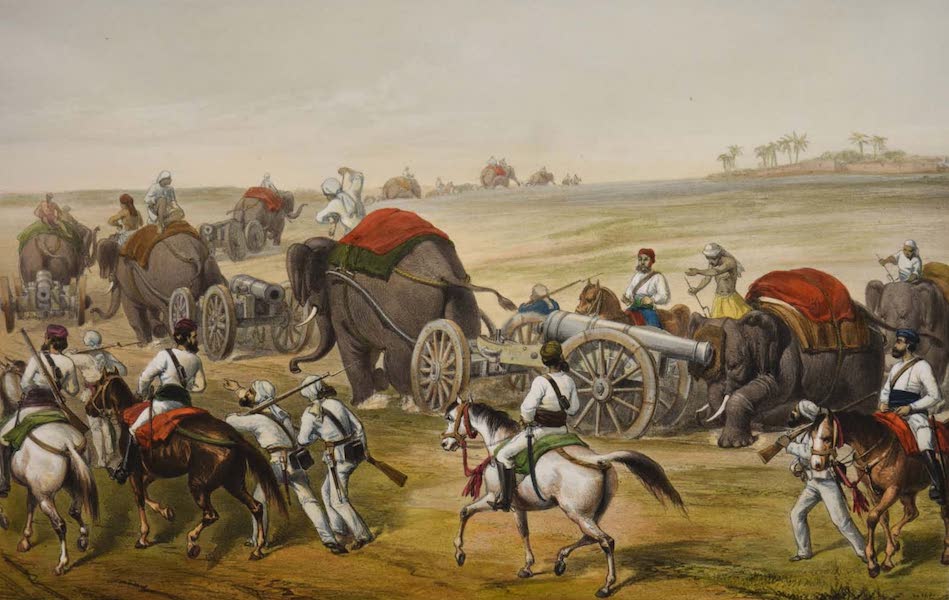 | Advance of the Siege Train
|
 | Advertisement Map
|
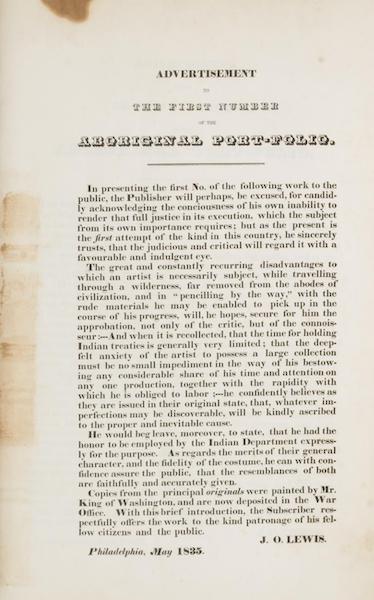 | Advertisement to the First Number
|
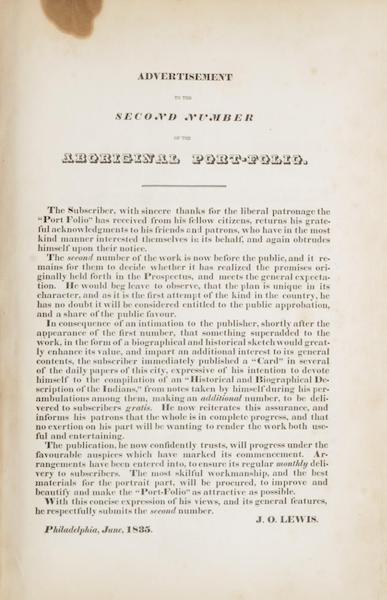 | Advertisement to the Second Number
|
 | Advertisement to the Third Number
|
![Advertisements [II]](https://historyarchive.org/images/books/books-i/illustrated-guide-to-torquay-and-neighbourhood-1884/plates/19-advertisments-II.jpg) | Advertisements [II]
|
![Advertisements [I]](https://historyarchive.org/images/books/books-i/illustrated-guide-to-torquay-and-neighbourhood-1884/plates/03-advertisements-I.jpg) | Advertisements [I]
|
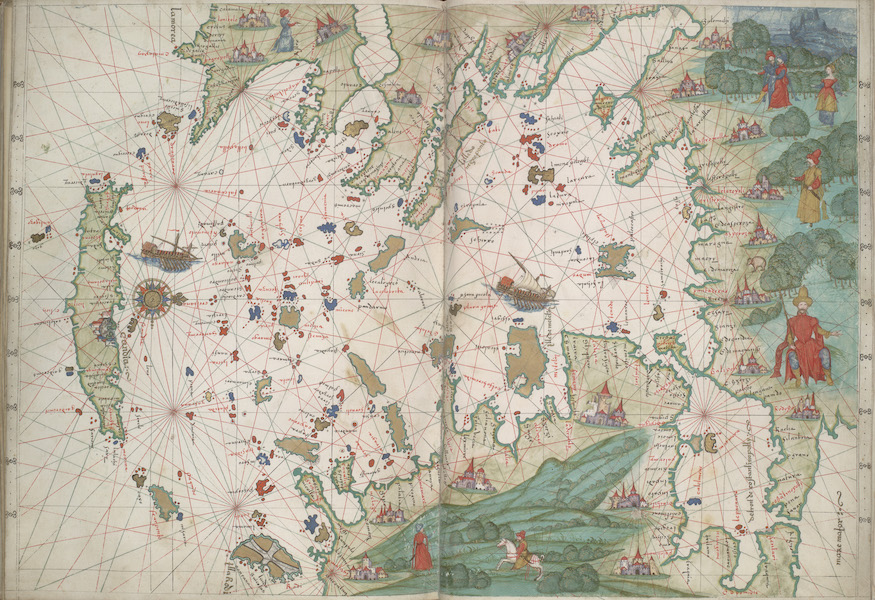 | Aegean Sea
|
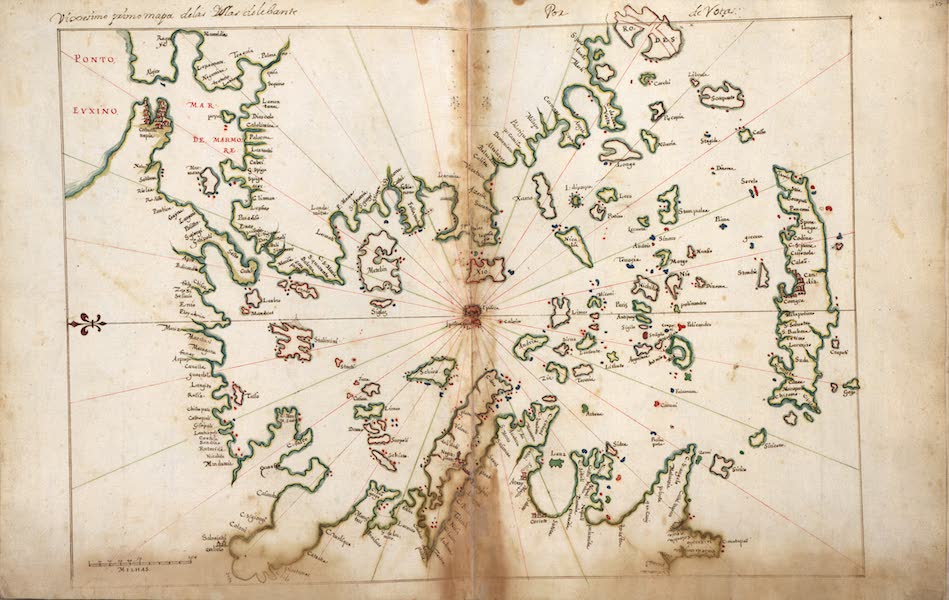 | Aegean Sea
|
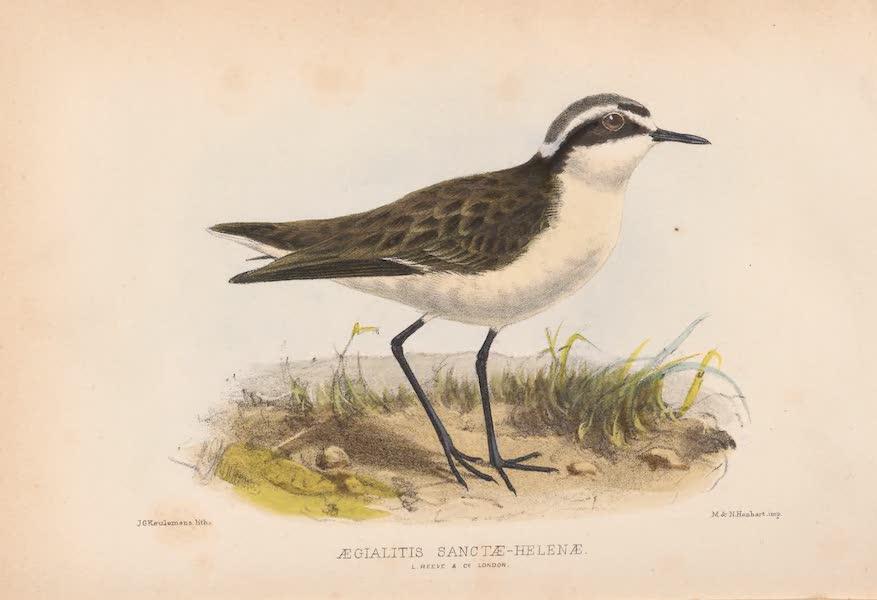 | Aegialitis Sanctae Helenae
|
 | Aelst
|
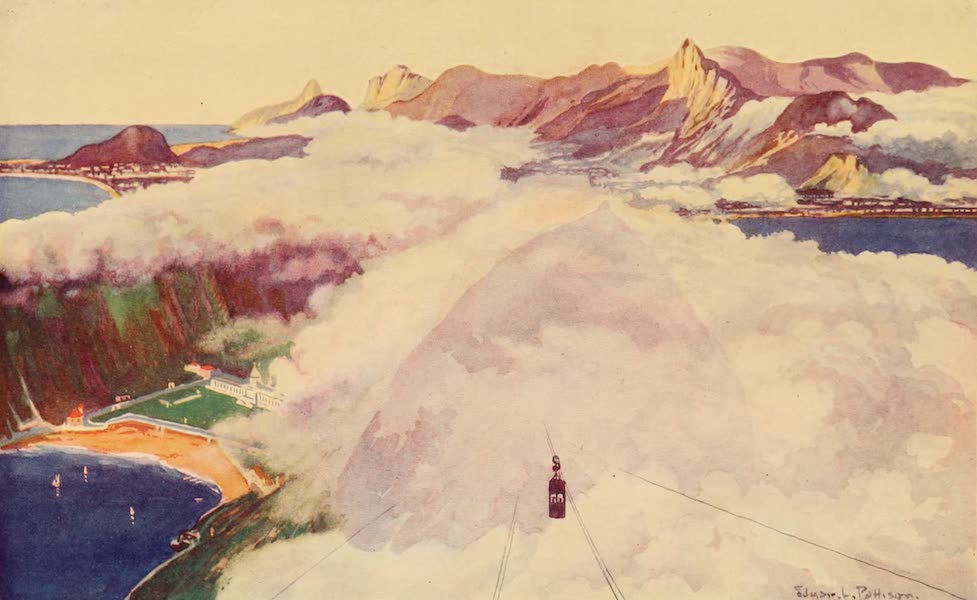 | Aerial Car descending from the Sugar Loaf Mount
|
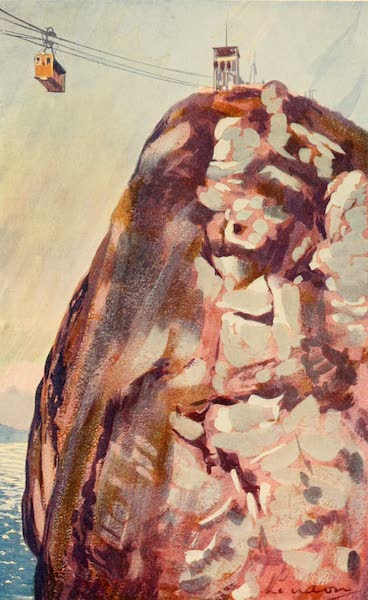 | Aerial Car reaching Summit of the Sugar Loaf
|
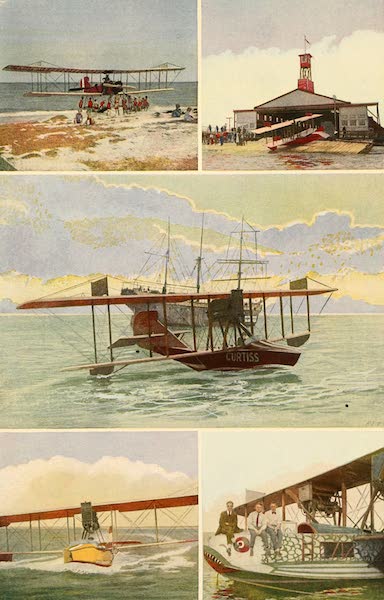 | Aeroplane Views of Atlantic City
|
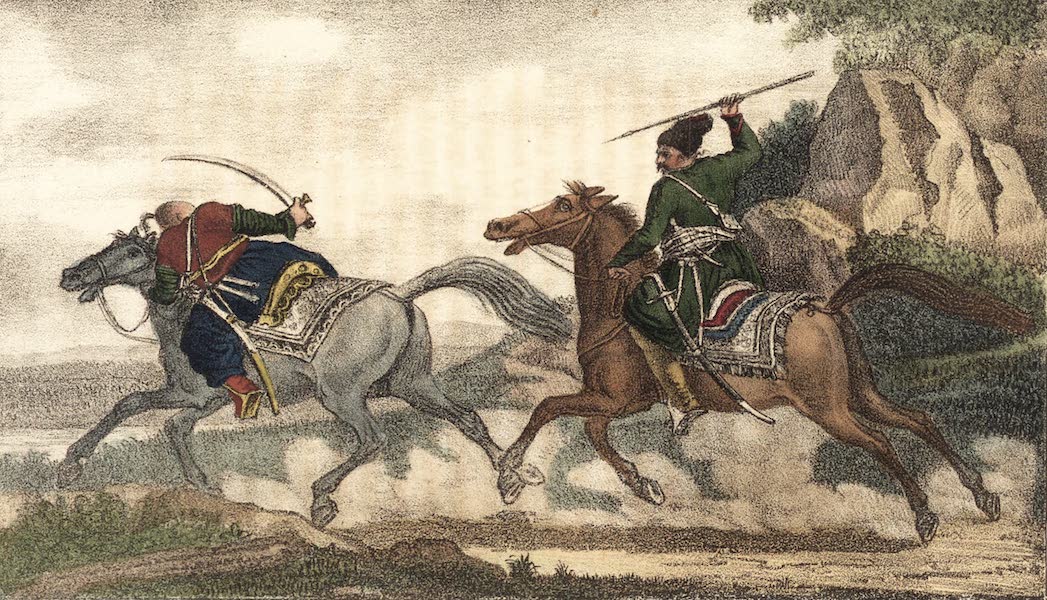 | Afchard courant au galop apres un Turc
|
 | Affectionate Reception of Columbus by Ferdinand and Isabella
|
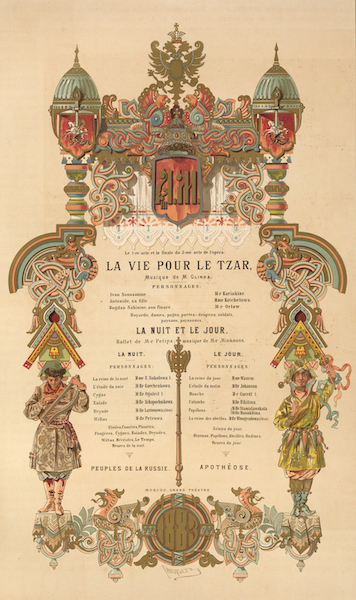 | Affiche du Spectacle-Gala
|
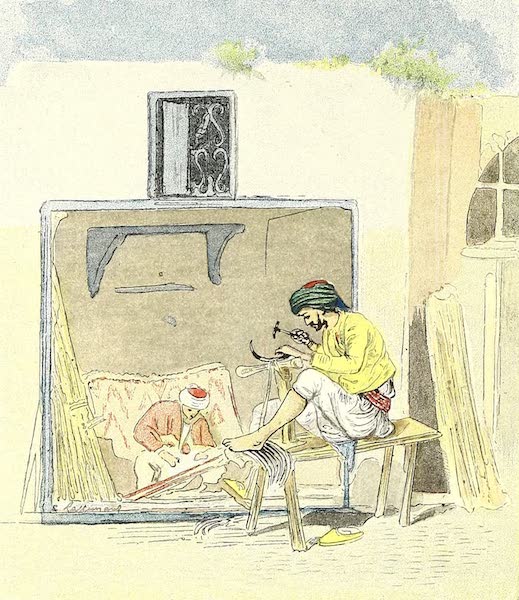 | Affûteur de faucilles
|
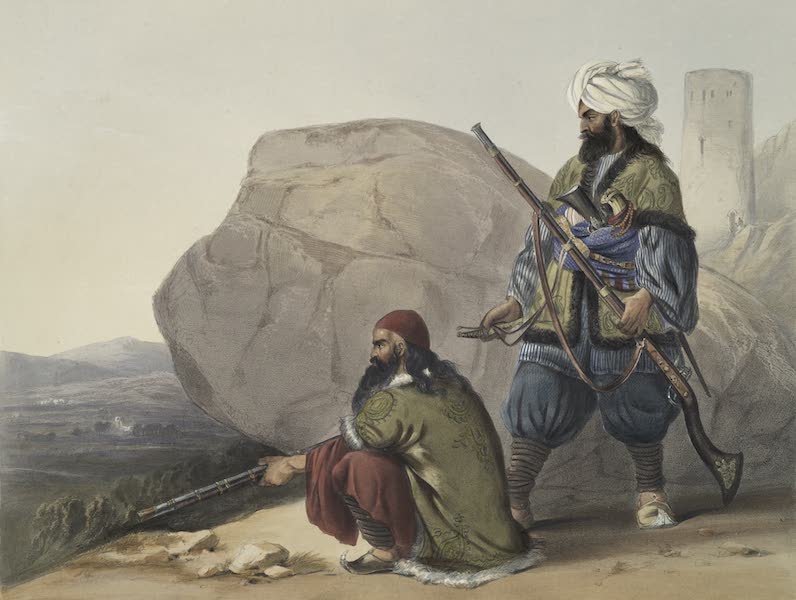 | Afghaun foot soldiers in their winter dress
During the severe winters, Afghanis wore a shirt (kameez)under a leathern spencer or half-jacket, which was embroidered in silk and had a wool lining. Thick black cloth trousers, fastened by a rope around the waist and bound with the same material from ankle to knee, were also worn. Amulets, relics and little bags full of texts and prayers were tacked about their clothes. This Burj (watch-tower) was one of many between the Maidan and Arghani valleys. The British met with considerable resistance at such points on their advance from Kandahar to Kabul. The resisting Afghans were spread along mountain posts and were commanded by two nephews of Dost Mohammed. The men depicted here belonged to a British regiment called the Rangers, which was raised in Kohistan under the command of Lieutenant Maule of the Artillery, who said that he had his hands full trying to impose discipline among these "wild, unruly, merry fellows". Rattray himself left Kohistan in September 1841, but Maule, his subaltern and European sergeants were murdered by their troops only two months later. |
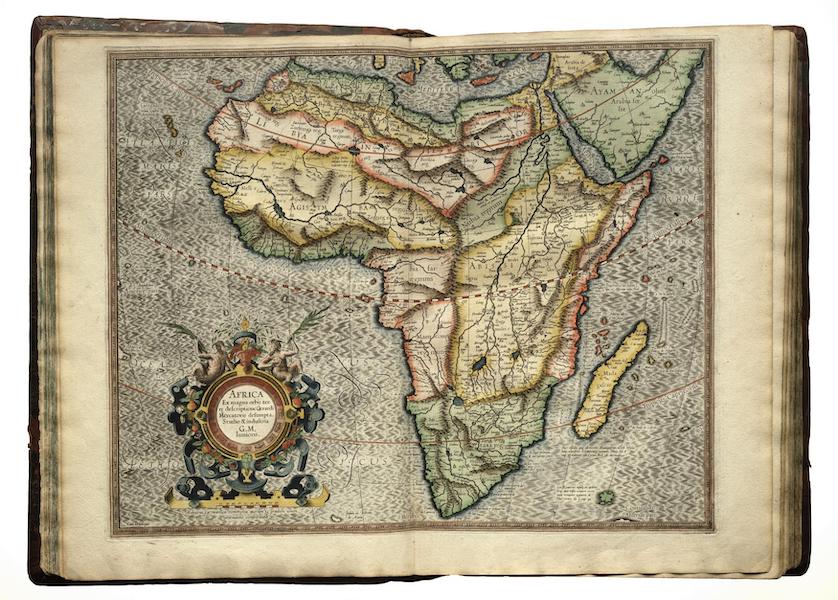 | Africa
|
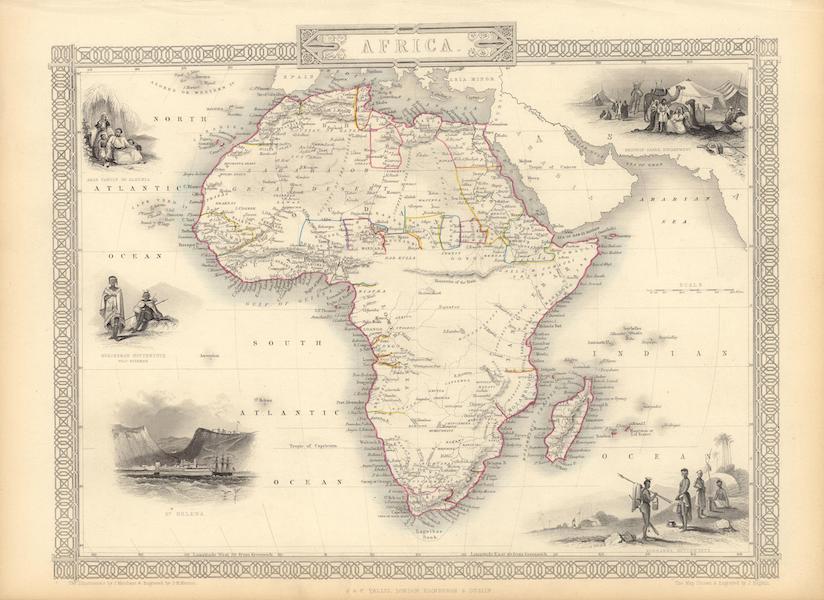 | Africa
Continent and some internal areas in outline color. St. Helena and the following people shown: Algerians, Bosjesman Hottentots, Bedouin Arabs, and Korranna Hottentots. Interlocking border. |
 | Africa
|
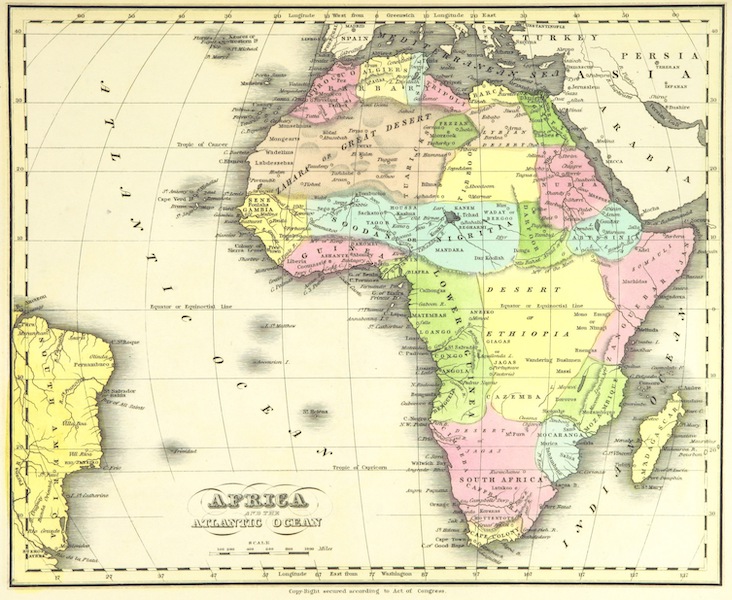 | Africa and the Atlantic Ocean
|
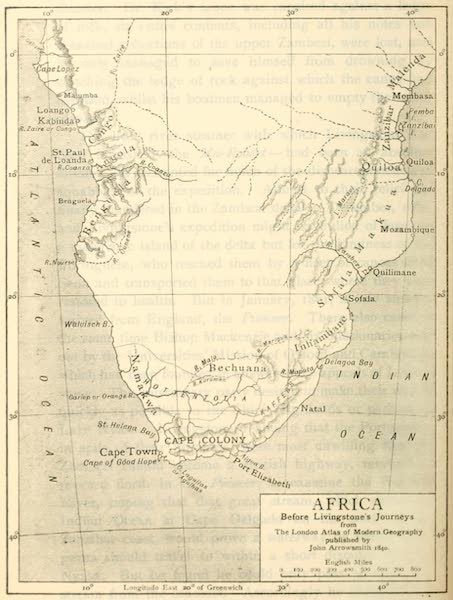 | Africa Before Livingstone's Journeys
|
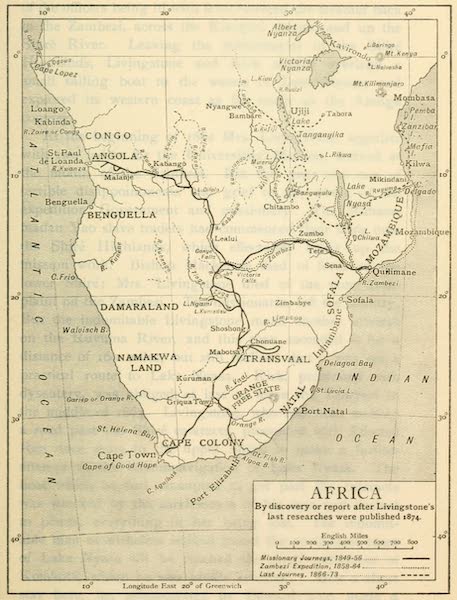 | Africa By Discovery or Report After Livingstone's Last Researches Were Published - 1874
|
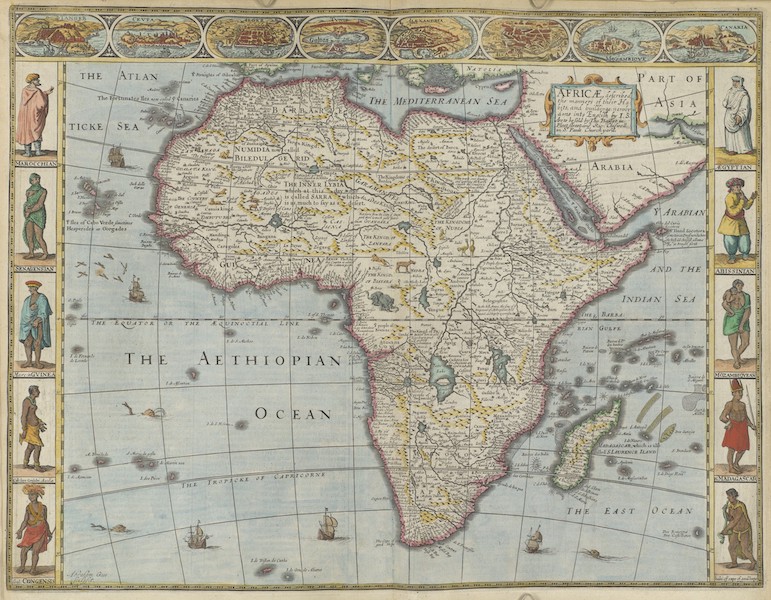 | Africae
|
 | Africae Tabula Nova
|
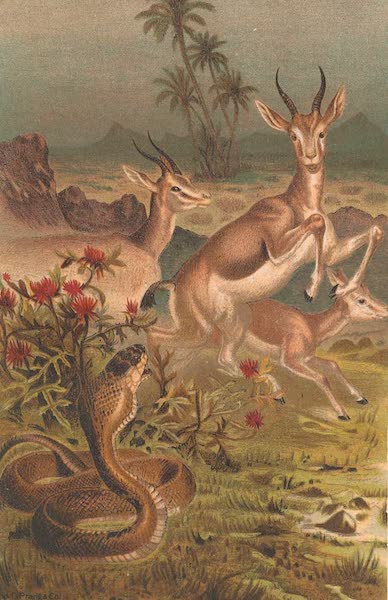 | African Cobra or Haje and Gazelles
|
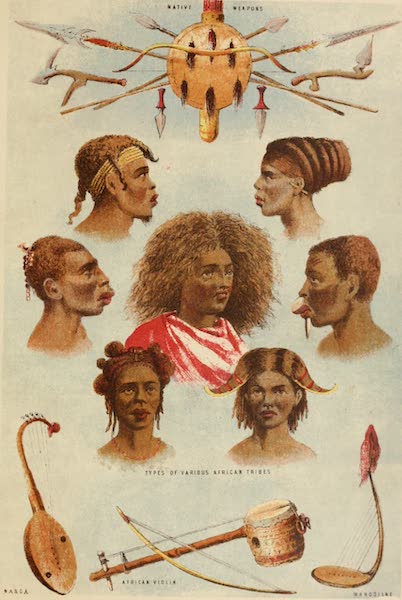 | African Ethnology
|
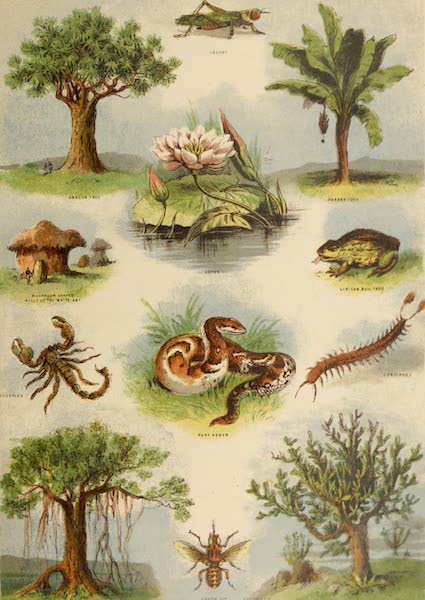 | African Flora and Fauna
|
 | Afriquaine en deshabille
|
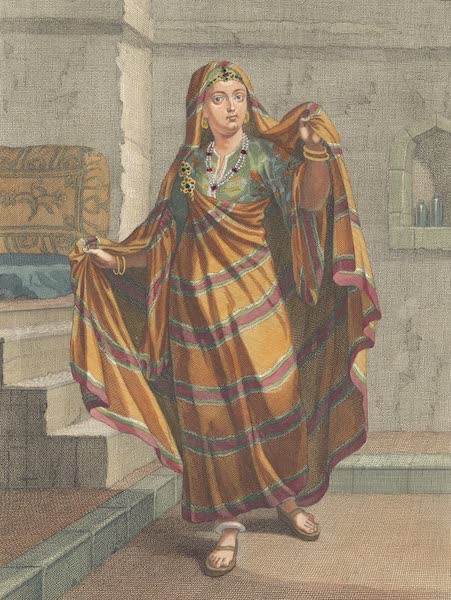 | Afriquaine en habit de ceremonie
|
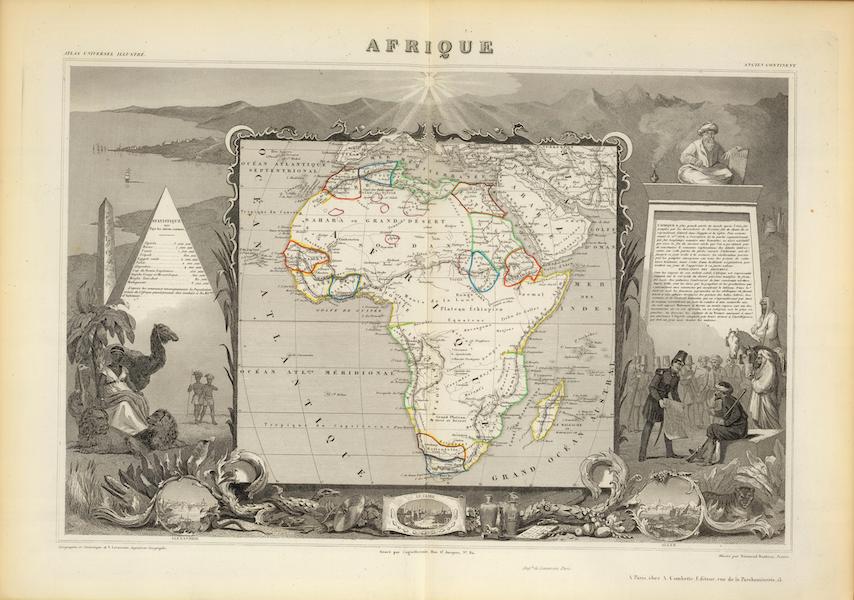 | Afrique
|
 | Afrique du Nord-ouest
|
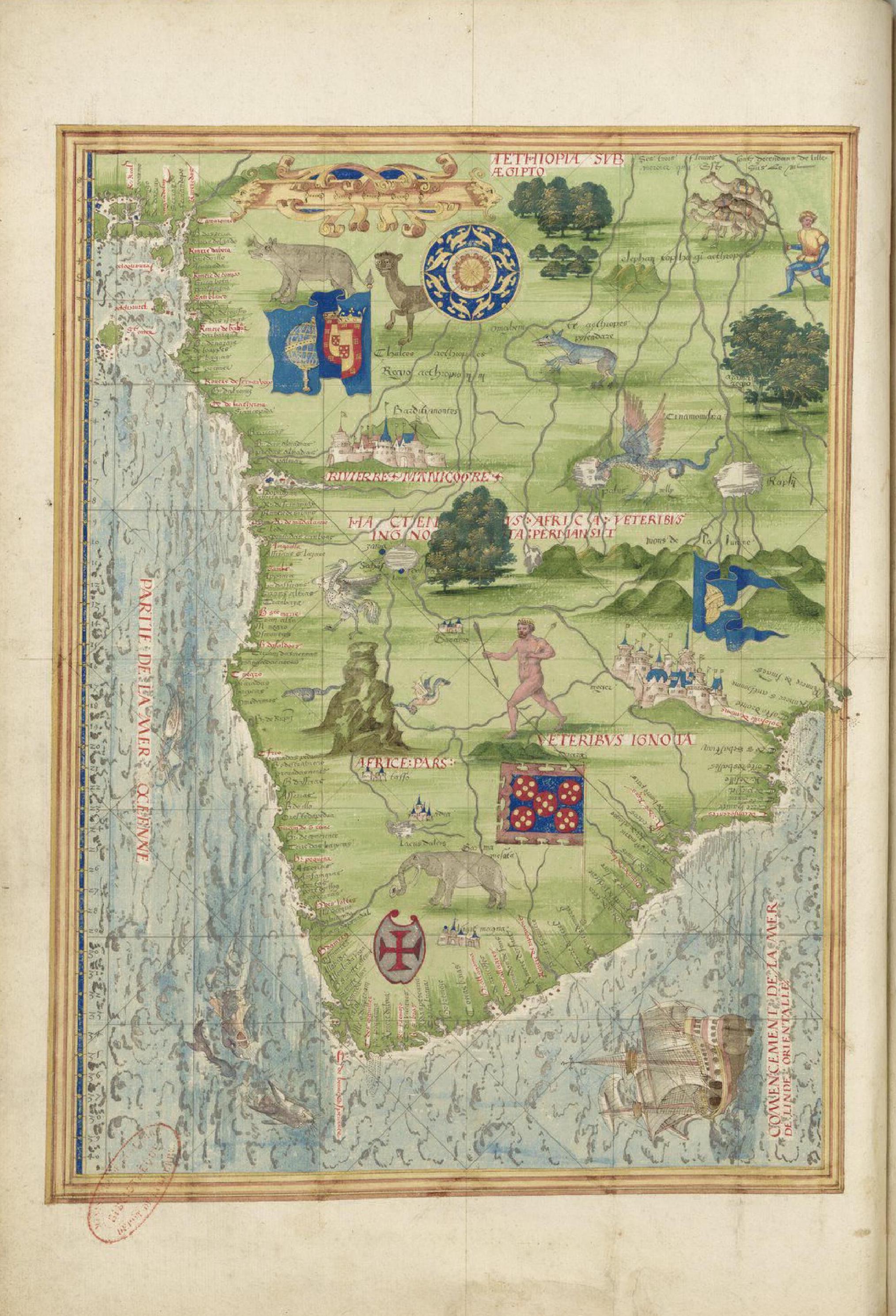 | Afrique meridionale
|
 | Afrique occidentale I
|
 | Afrique occidentale II
|
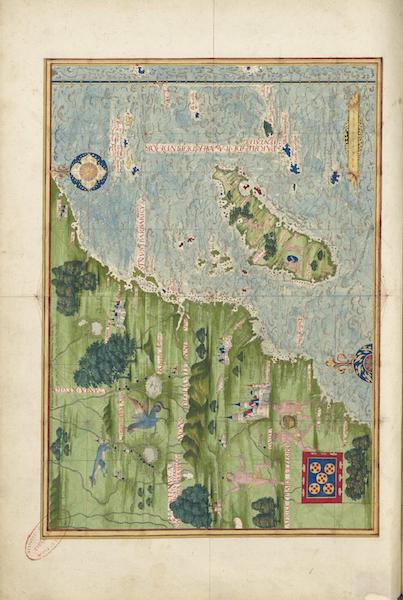 | Afrique orientale I
|
 | Afrique orientale II
|
 | Afrique representee par les anciens
|
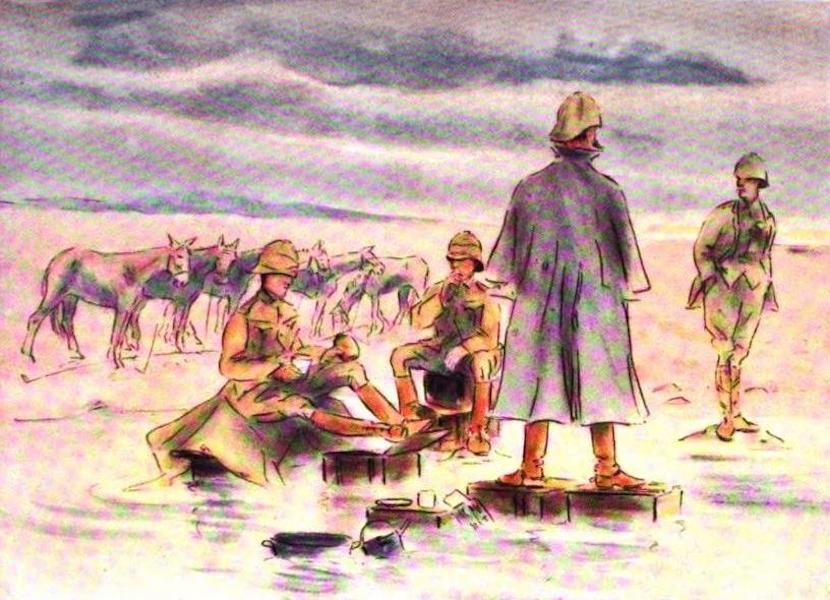 | After a Storm at Kimberley
|
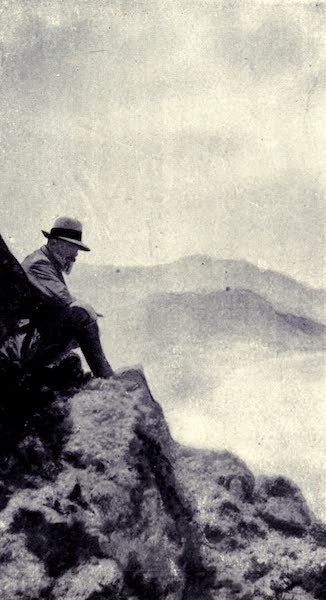 | After Goats in the Desertas
|
 | After Sunset at the Capuchin Convent, Floriana
|
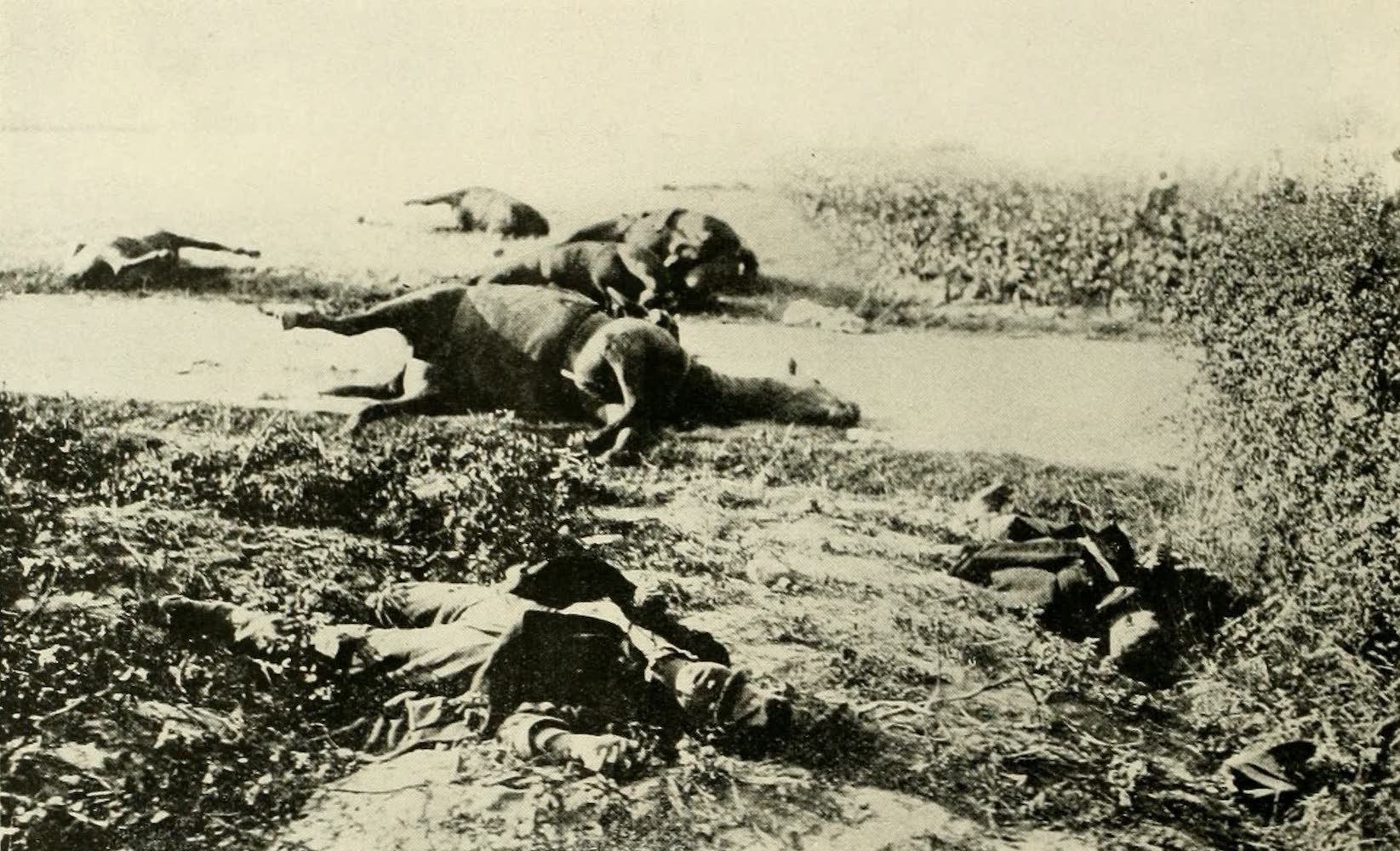 | After the Battle of Haelen
|
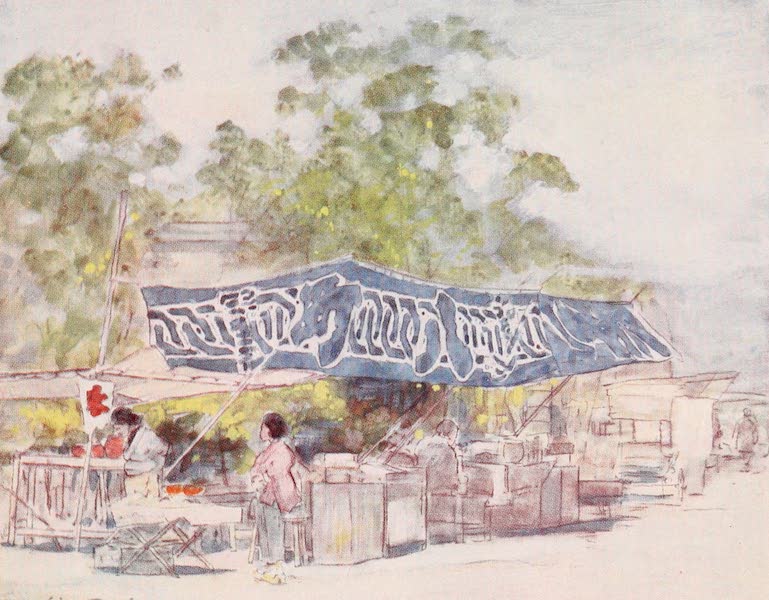 | After the Festival
|
 | After the Fire
|
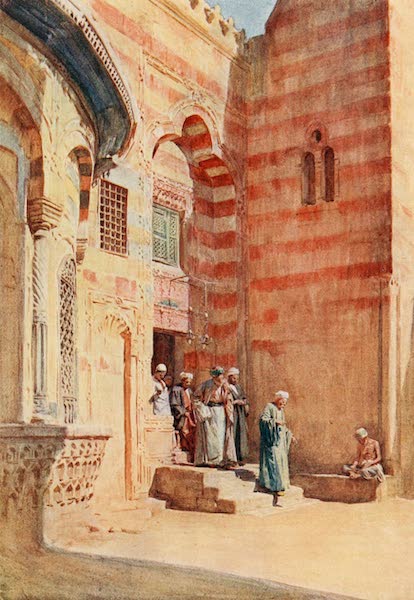 | After the Midday Prayer
|
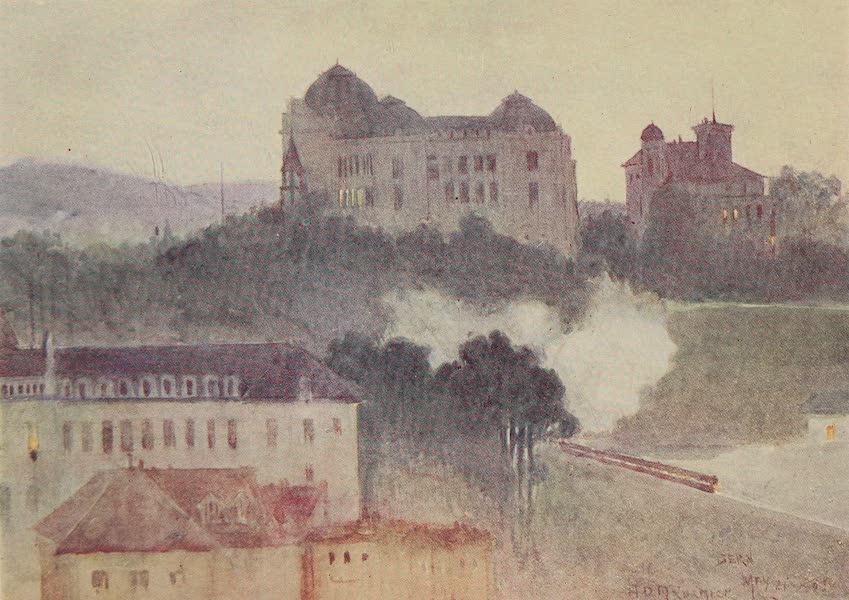 | After the Sunset
|
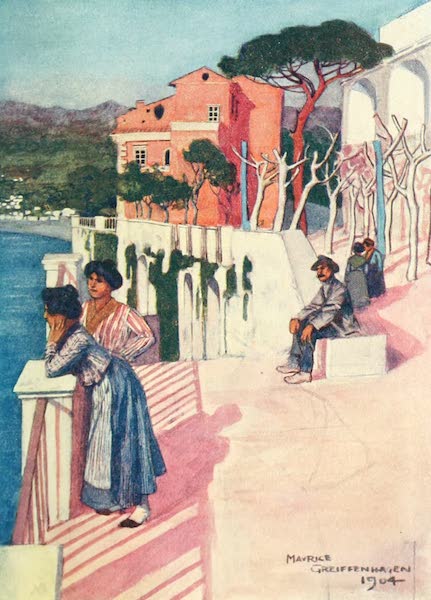 | Afternoon, Sorrento
|
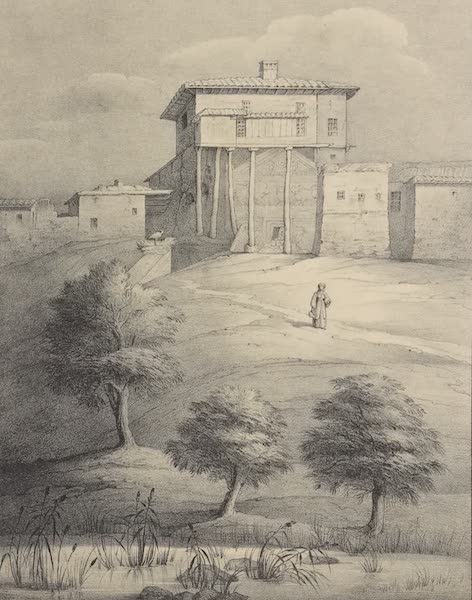 | Aga's House, Gombet-Li
|
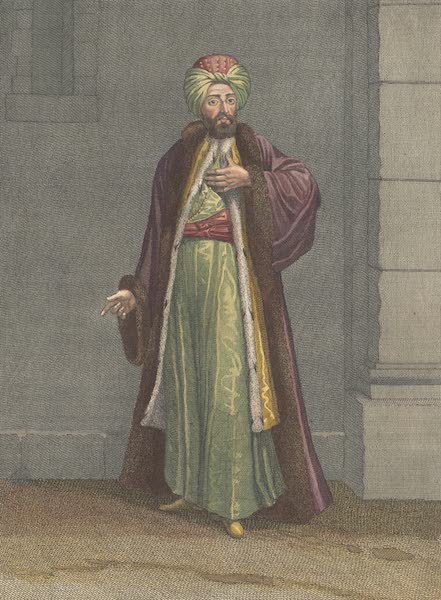 | Aga, ou Gentilhomme Turc
|
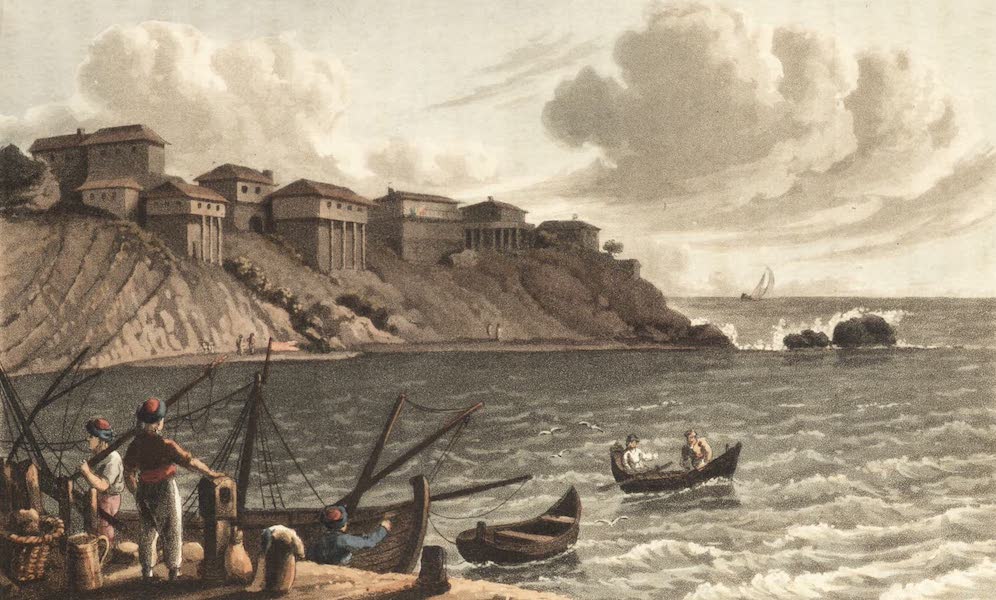 | Agatopoli, a Port in the Black Sea
|
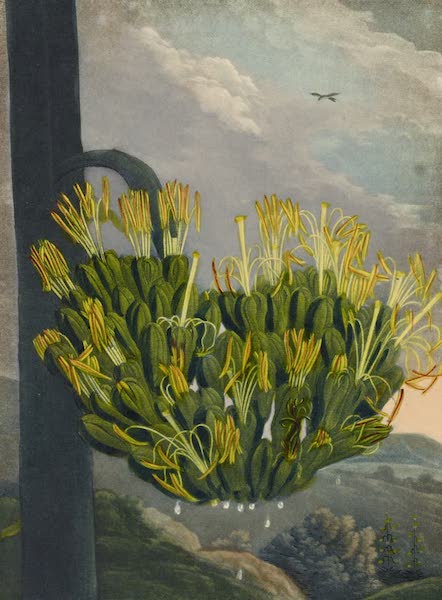 | Agave of the American Aloe
|
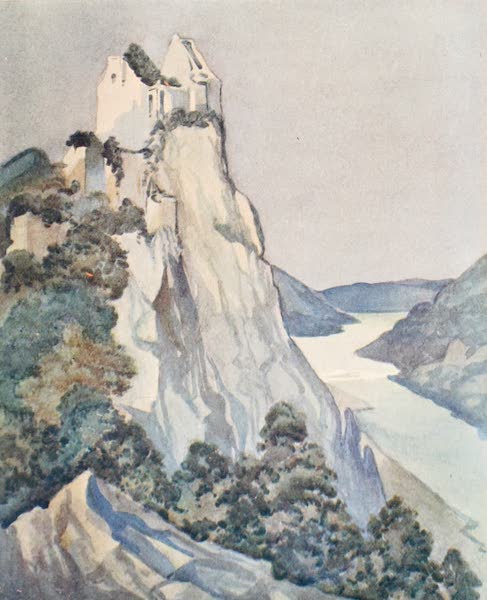 | Aggstein
|
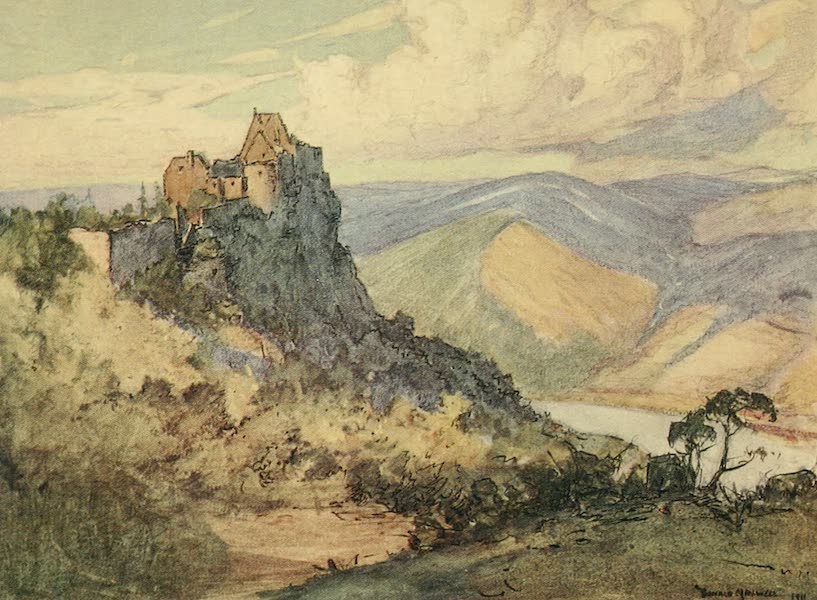 | Aggstein
|
 | Agra
|
 | Agra - View of Principal Street
|
 | Agra Fort - Inside the Delhi Gate
|
 | Agra Fort - Outside the Delhi Gate
|
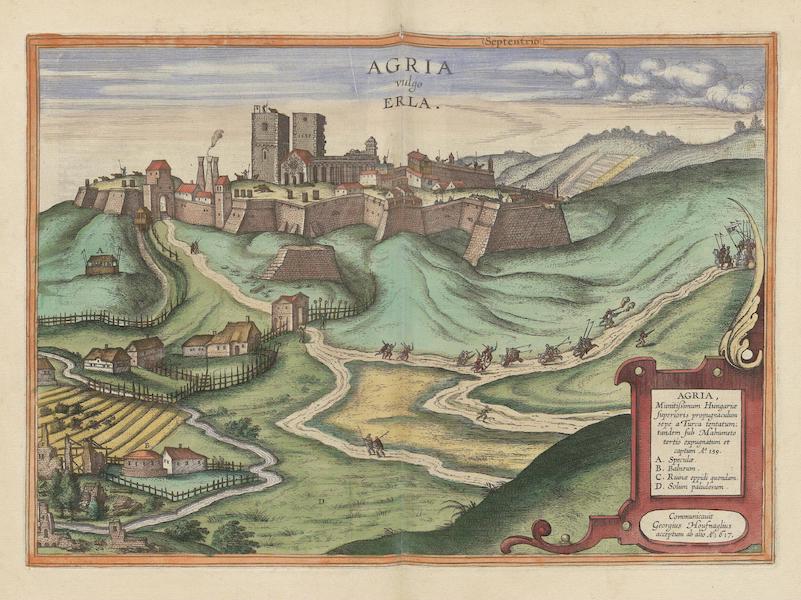 | Agria Vulgo Erla
|
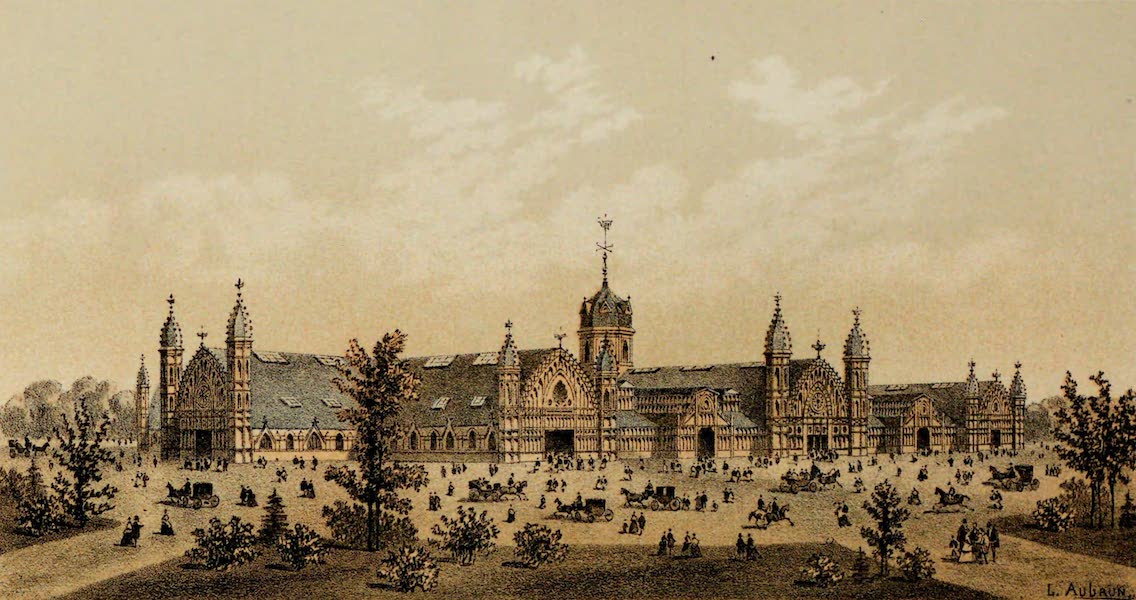 | Agricultural Hall
|
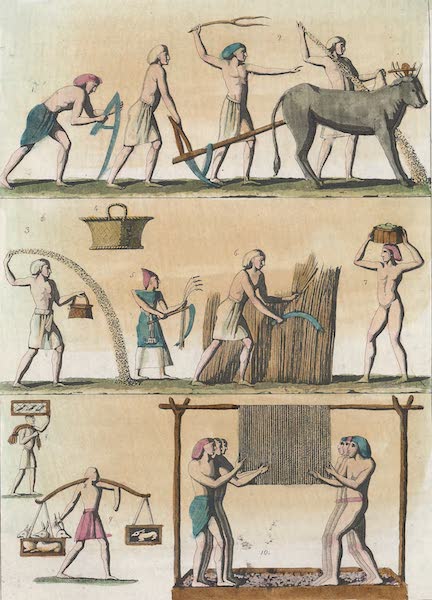 | Agriculture
|
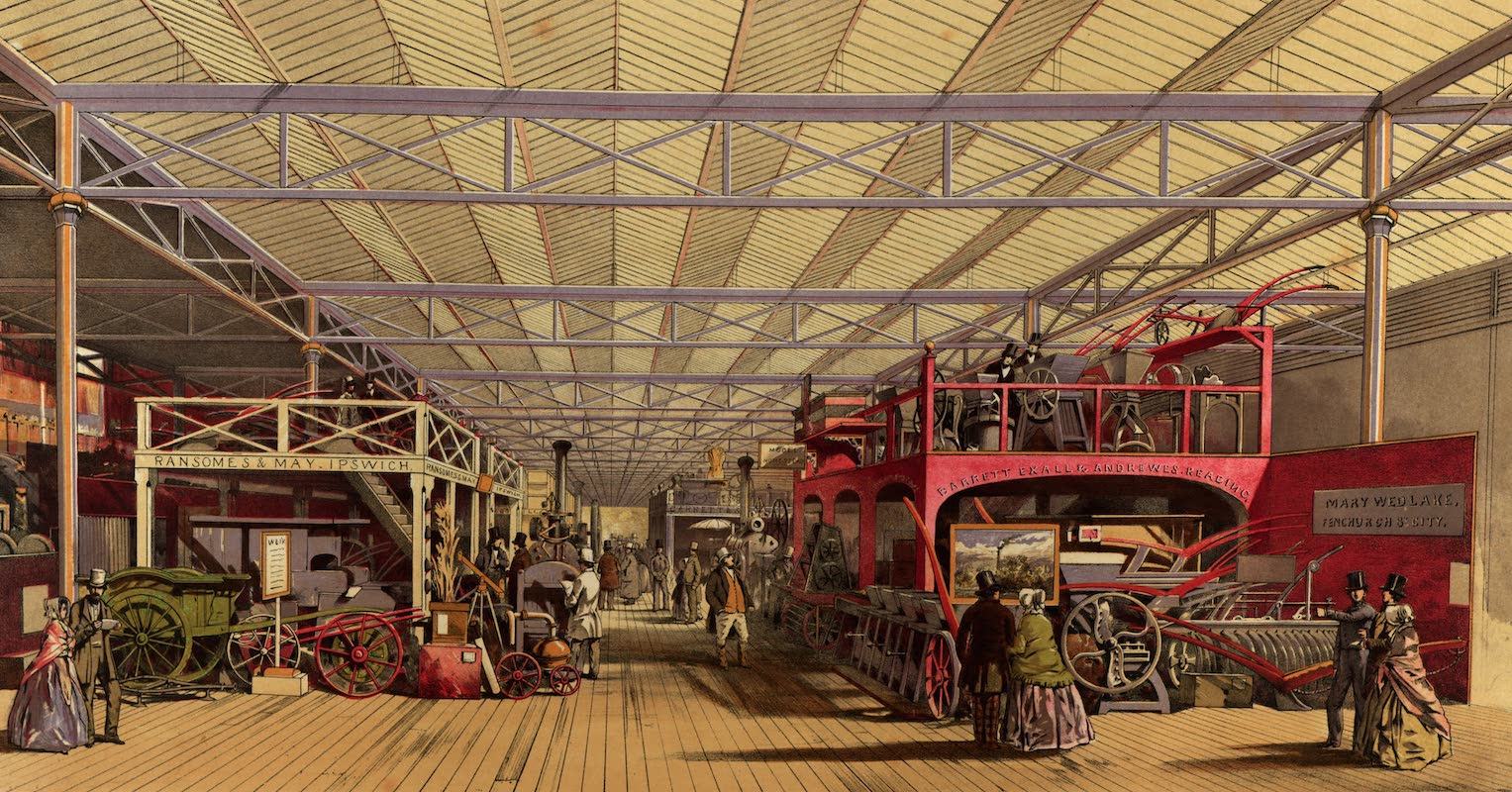 | Agriculture
|
 | Agriculture in Syria
|
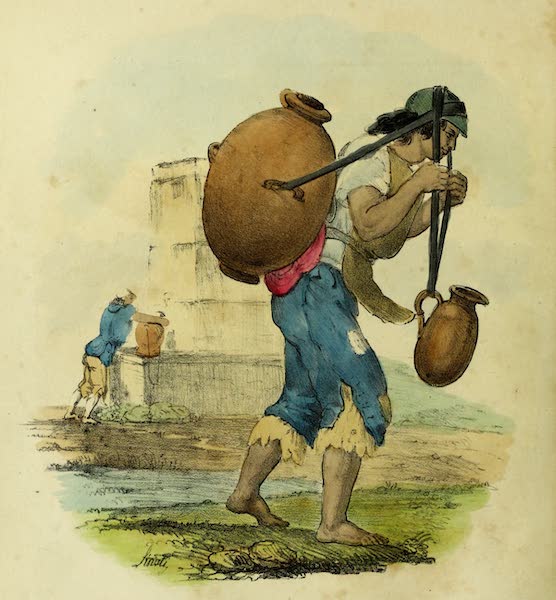 | Aguador. Porteur d'eau
|
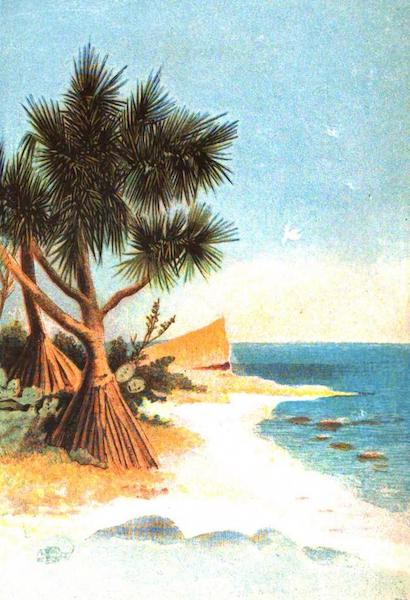 | Ahi Atoll
|
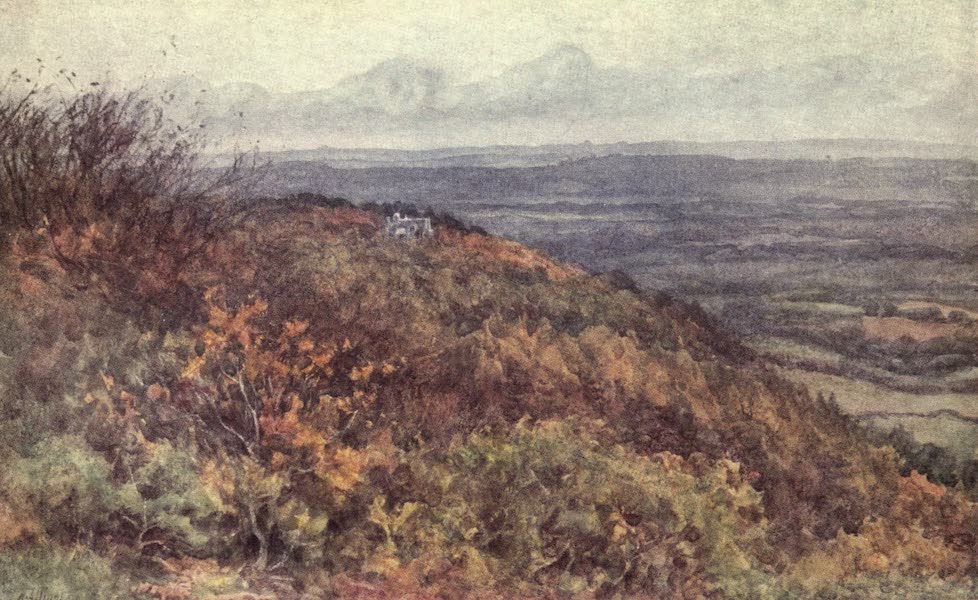 | Aidworth from Blackdown
|
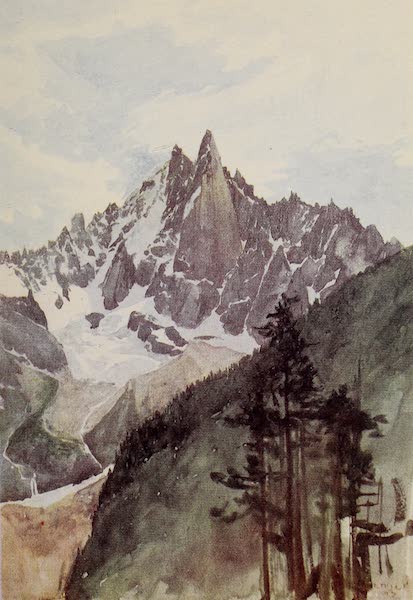 | Aiguille Verte and Aiguille du Dru from the Chamonix Valley
|
 | Ain Kareem,reputed birthplace of John the Baptist, from roof of Convent of the Visitation
|
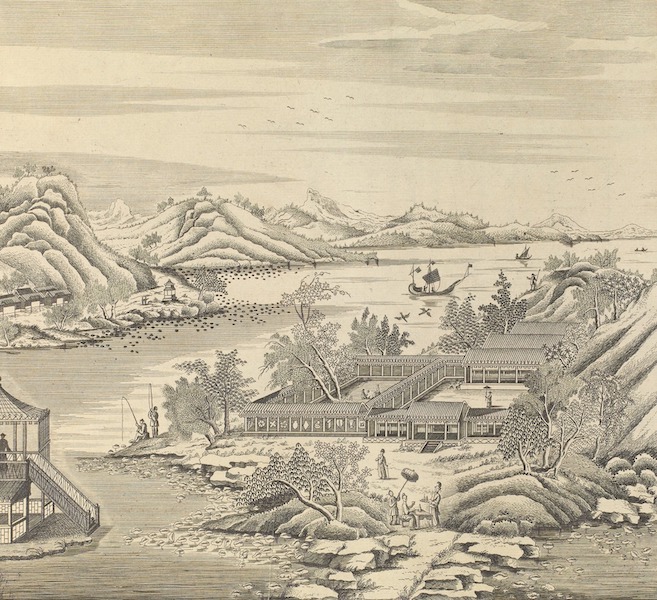 | Air Without Heat
|
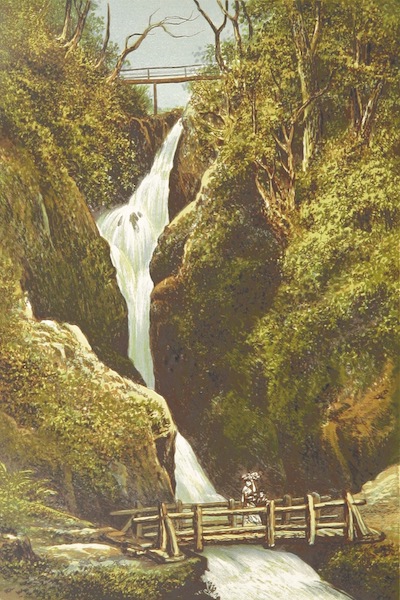 | Airey Force
|
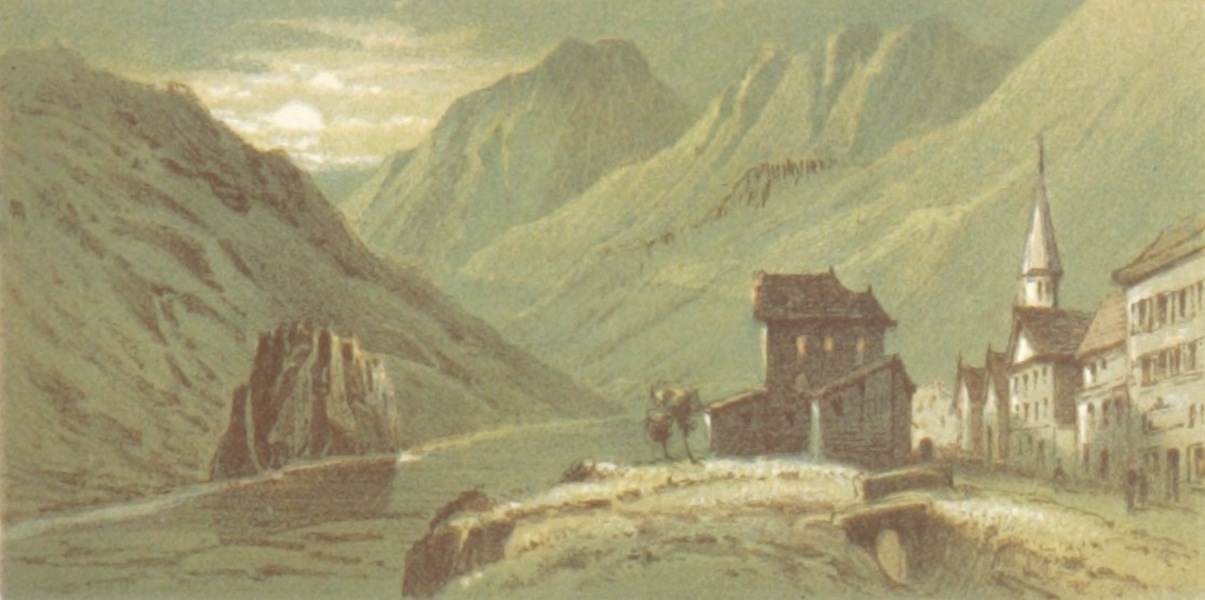 | Airolo
|
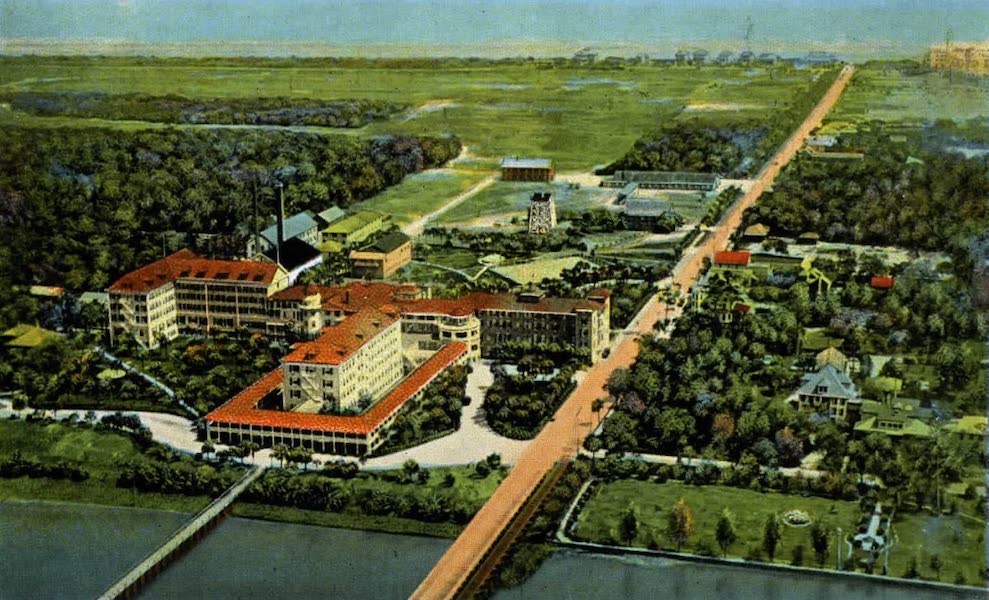 | Airplane View of Ormond Beach and Atlantic Ocean, Hotel Ormond in Foreground
|
 | Airplanes
|
 | Aitutagata, the Hereditary Assassins of King Malietoa - Sapapali, Savaii, Samoa
|
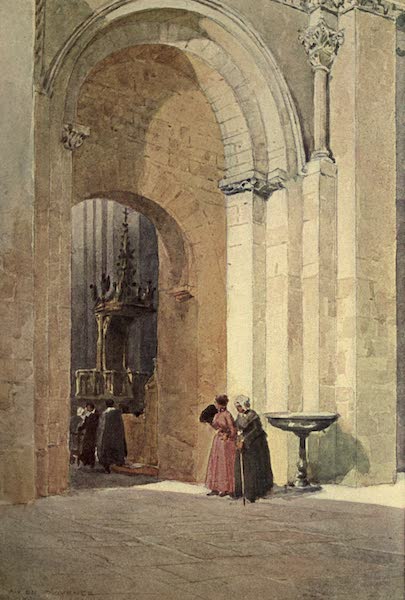 | Aix-en-provence, Romanesque Arch in the Ancient Cathedral of St. Sauveur, 1103
|
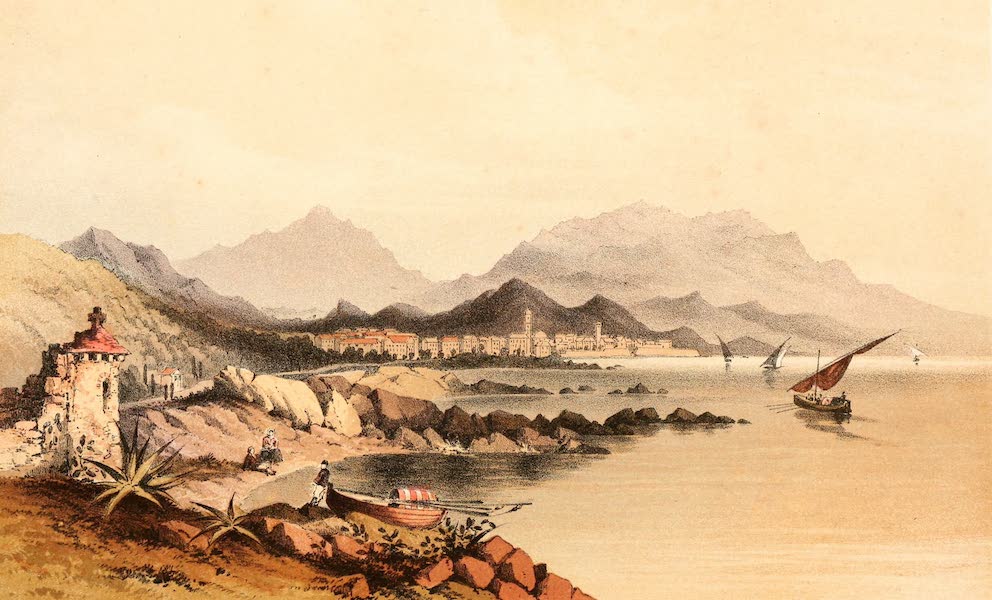 | Ajaccio
|
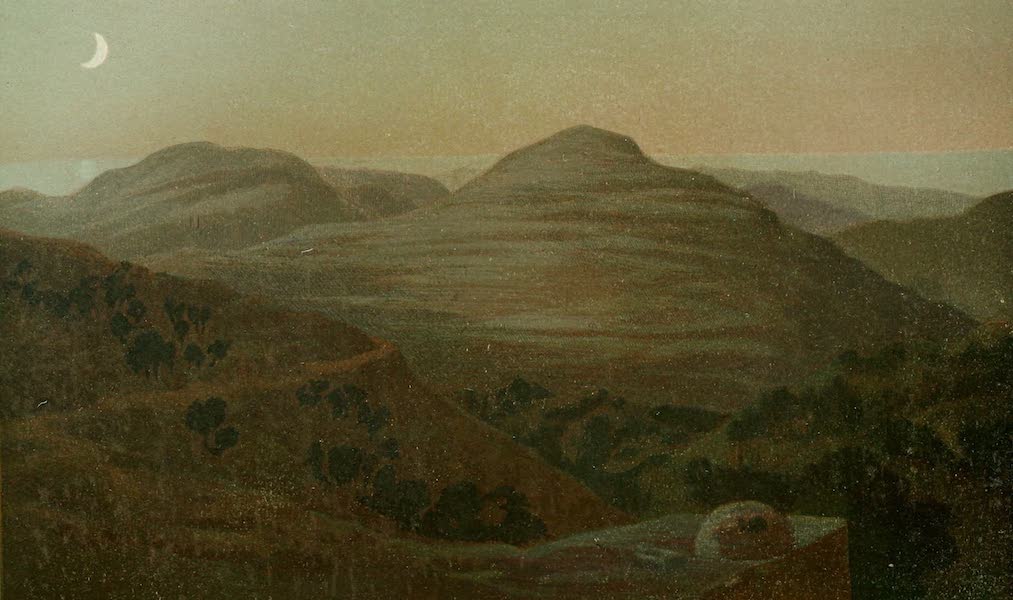 | Ajalon by Moonlight
|
 | Akalis Fanatical Devotee
|
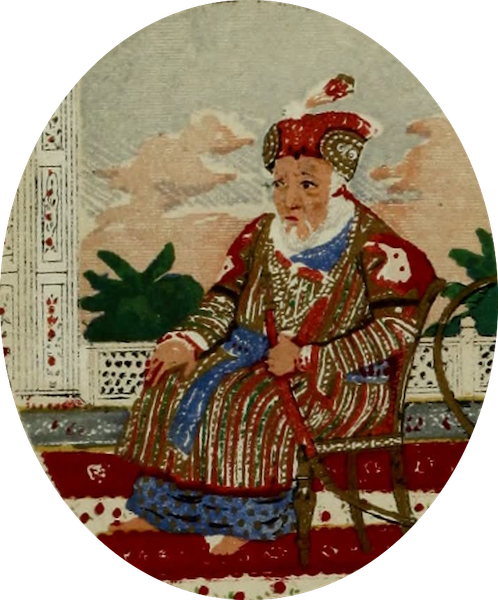 | Akbar Shah
|
 | Akbar's Bridge, Karallayar
|
 | Akbars Tomb, Secundra
|
 | Akropolis von Athen zur Zeit des Perikles
|
 | Akthamar from Aghavank
|
 | Al Tahoe Inn and Cottages, on Lake Tahoe
|
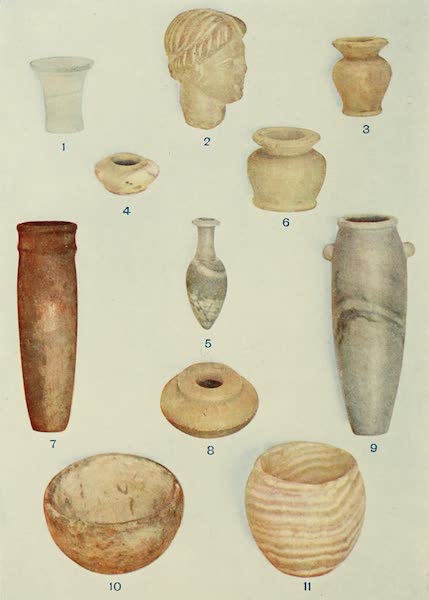 | Alabaster
|
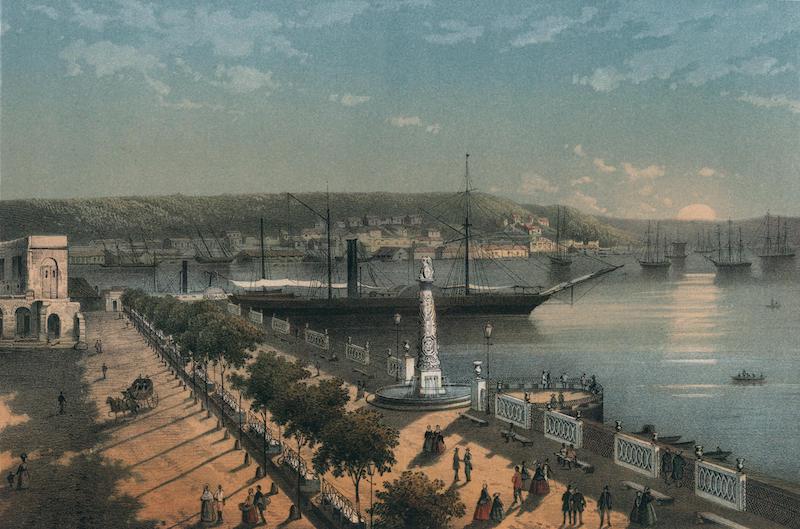 | Alameda de Paula
|
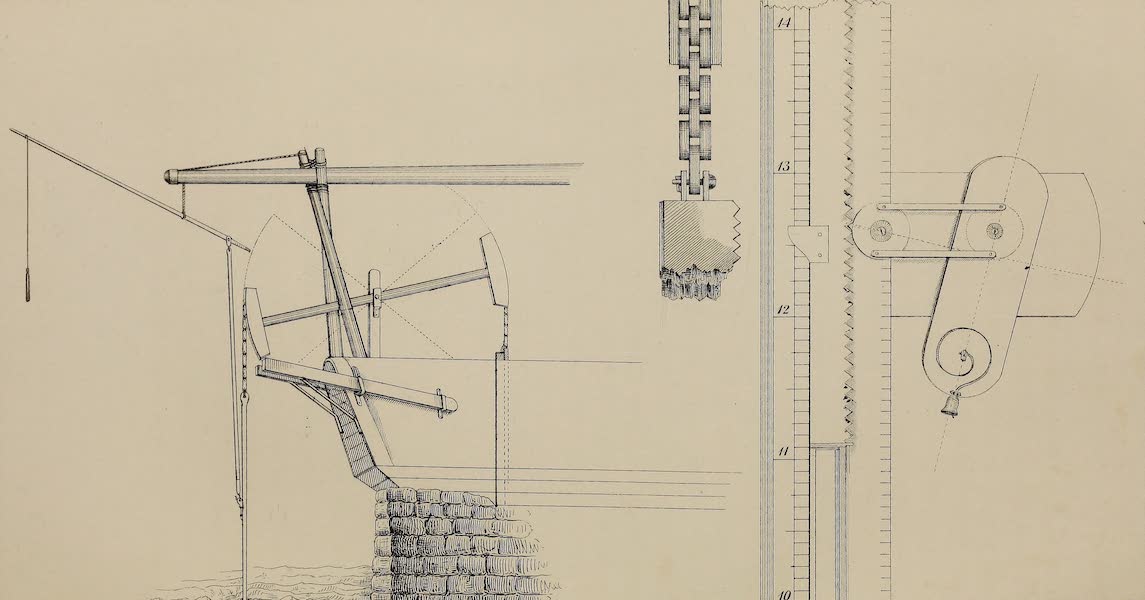 | Alarum Tide Guage
|
 | Alaska in Summer
|
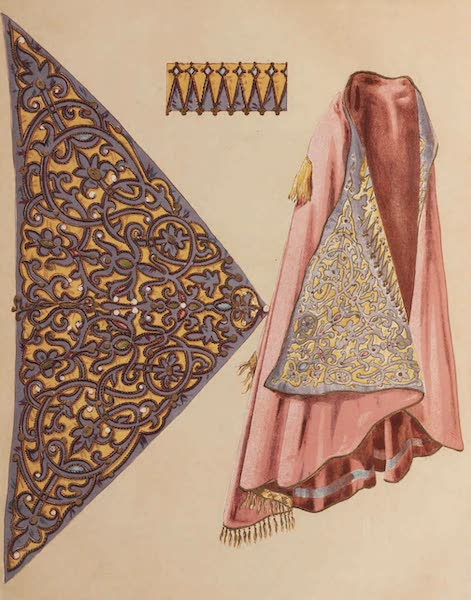 | Albanian Costume Embroidery
|
 | Albanian Guard
|
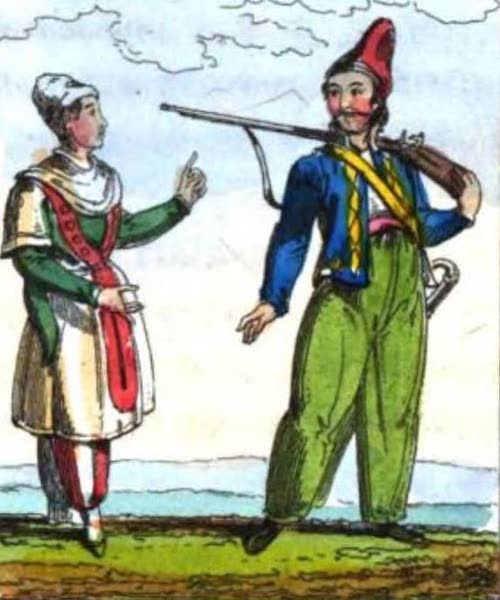 | Albanians or Arnauts
|
 | Albano from the Road to the Lake
|
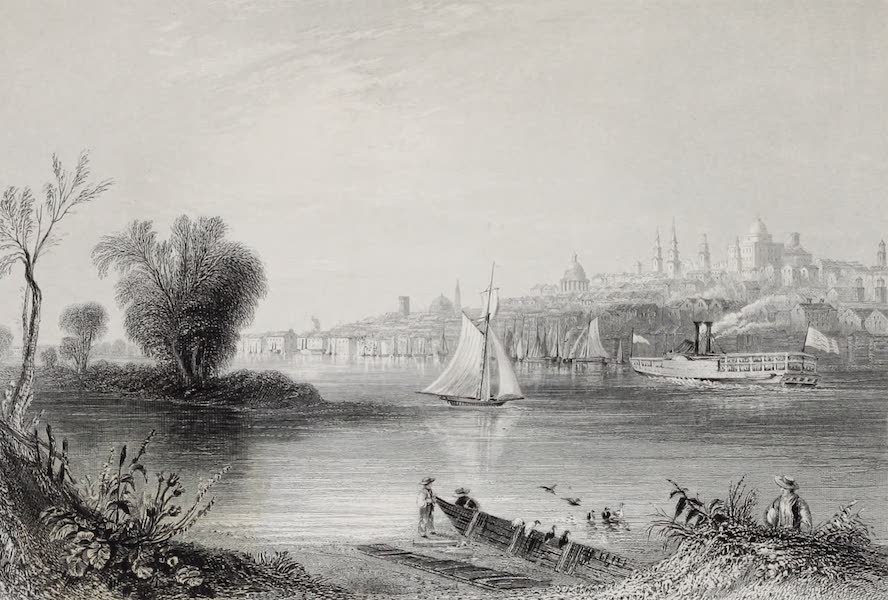 | Albany
|
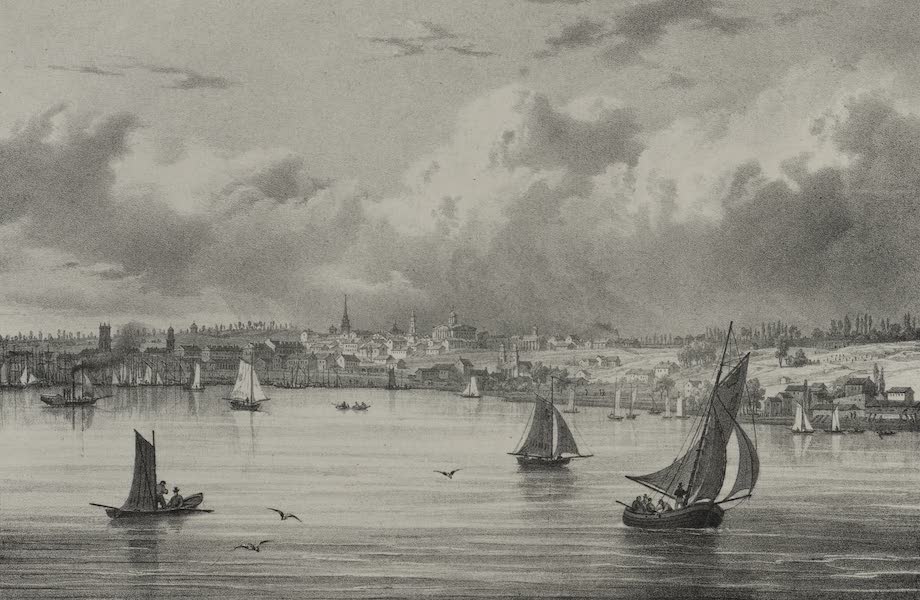 | Albany - Capital of the State of New York
|
 | Albenga from the Centa
|
 | Albenga, Cathedral Tower and Baptistery
|
 | Albert Dock: Twilight
|
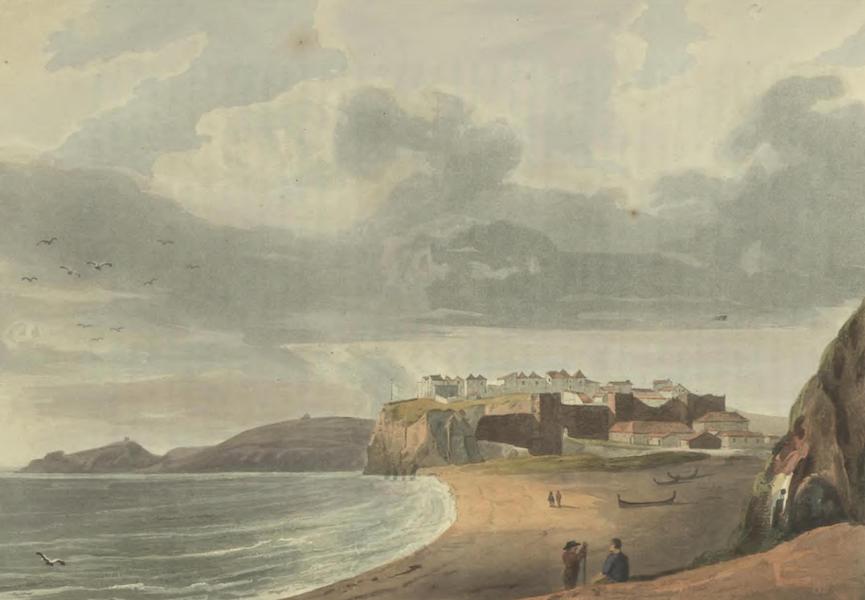 | Albofeira and Sea Coast, from the East Algrave
|
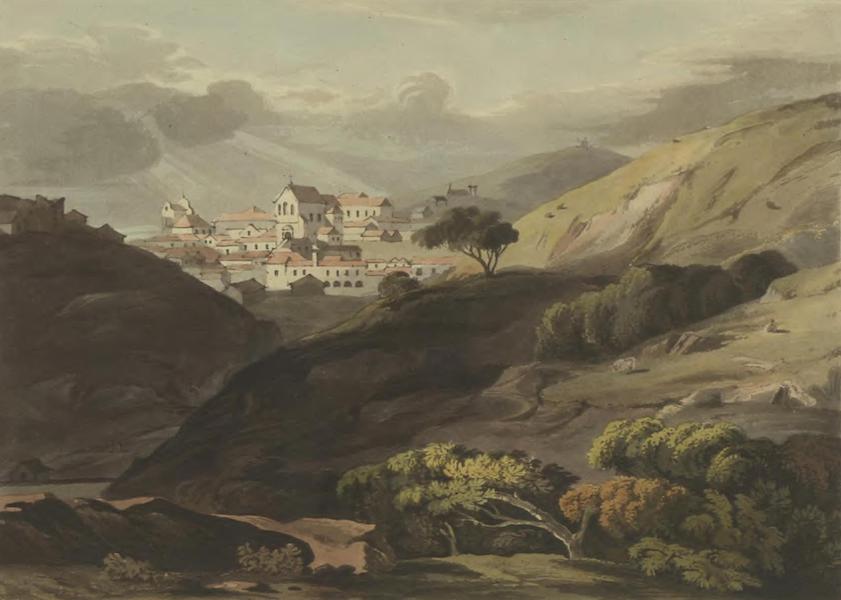 | Albofeira, from the road leading to Faro: Algarve
|
 | Alcacer Sal, anciently called Salacia or Urbs Imperatoria; from the East, Estramadura
|
 | Alcacer Sal, anciently called Salacia; from the North Estramadura
|
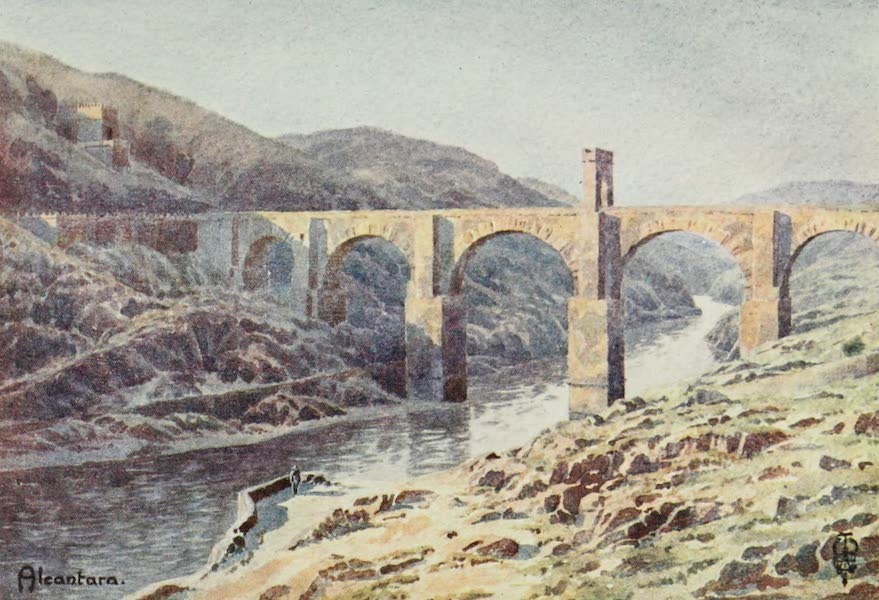 | Alcantara
|
 | Alcatraz Island and San Francisco Bay from the Exposition
|
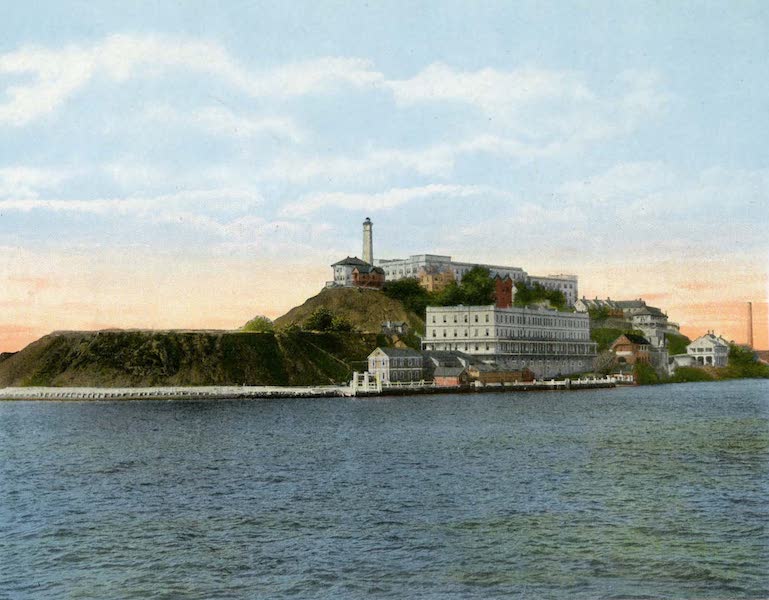 | Alcatraz Island San Francisco Bay
|
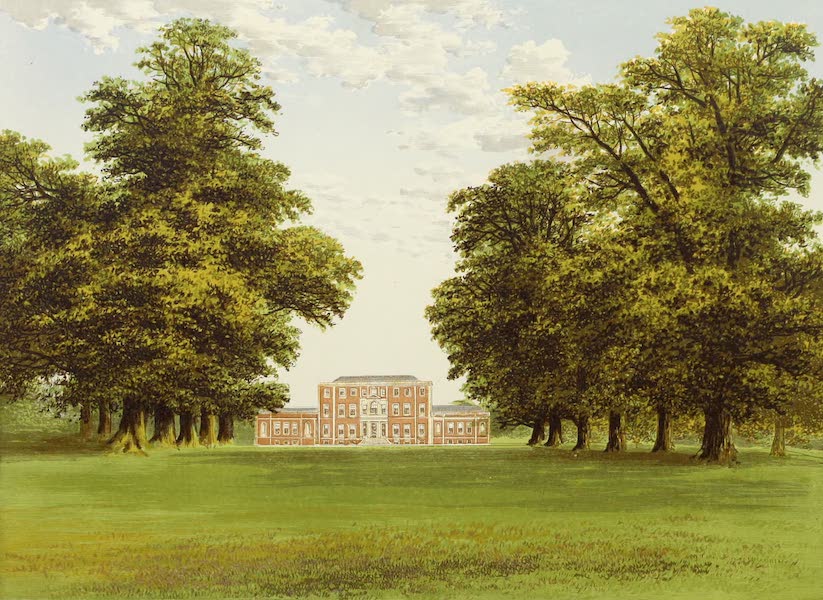 | Aldby Park
|
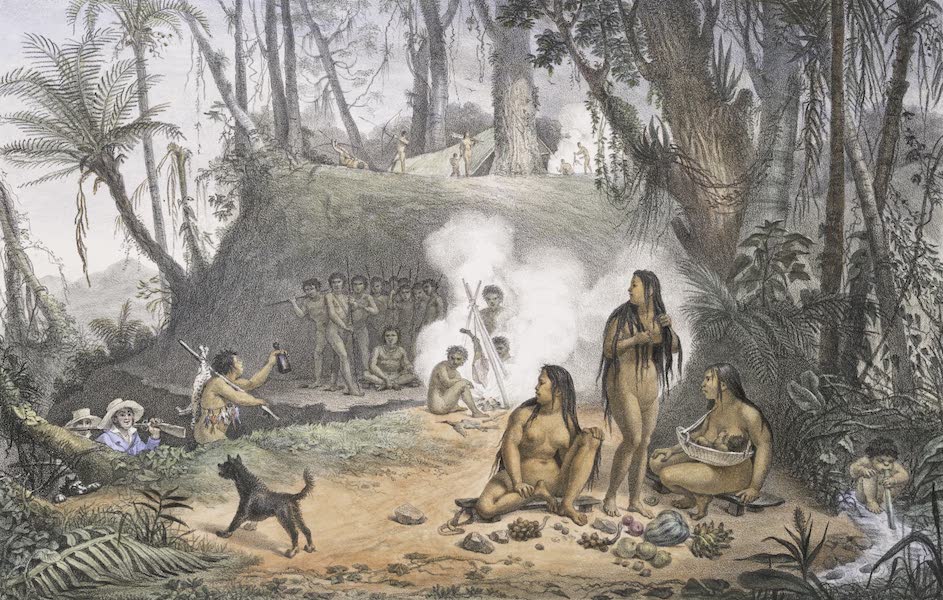 | Aldea de Cabocles a Canta-Gallo
|
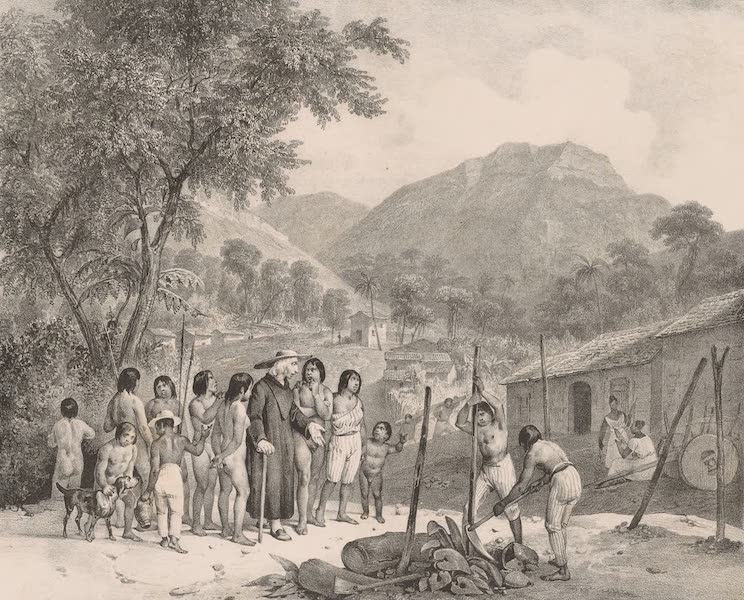 | Aldea des Tapuyos
|
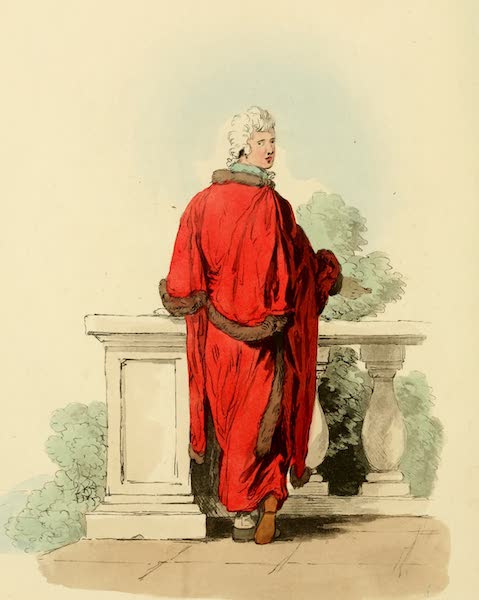 | Alderman
|
 | Aldert Dirkses Bugt Wijde Bay d. 12 Juli 1861
|
 | Aldgate Ward School and St. Botolph's
|
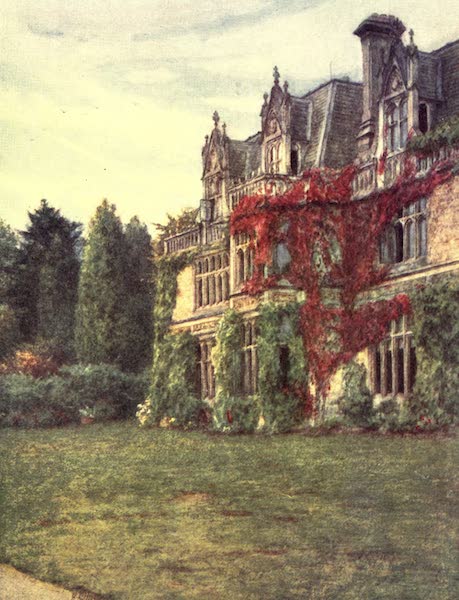 | Aldworth
|
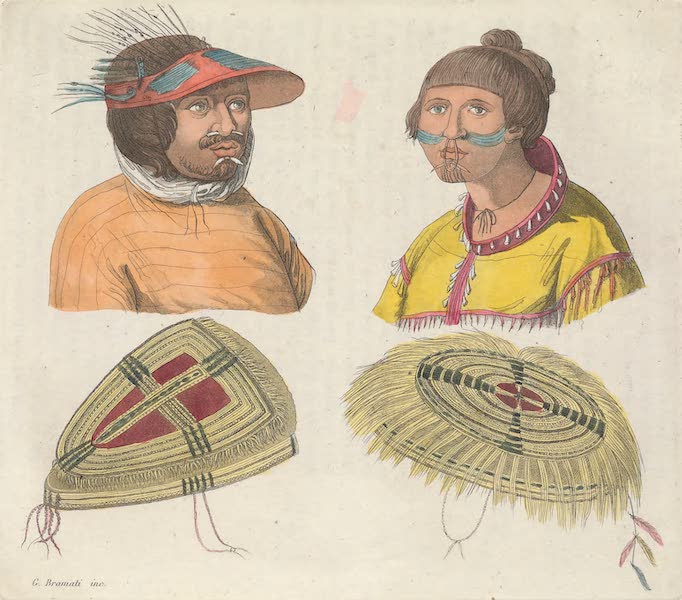 | Aleutes
|
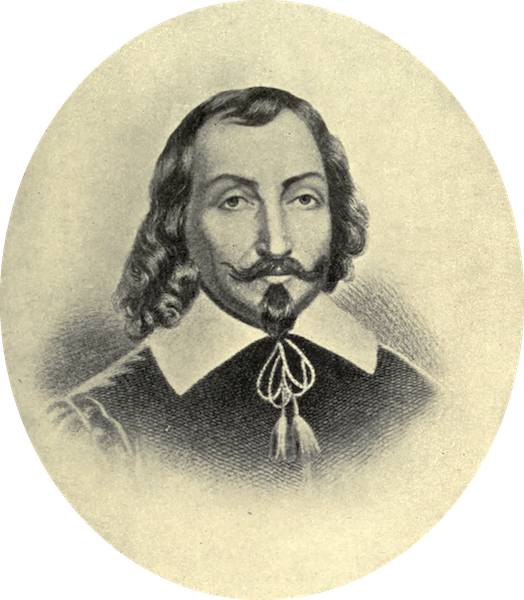 | Alexander Henry the Elder
|
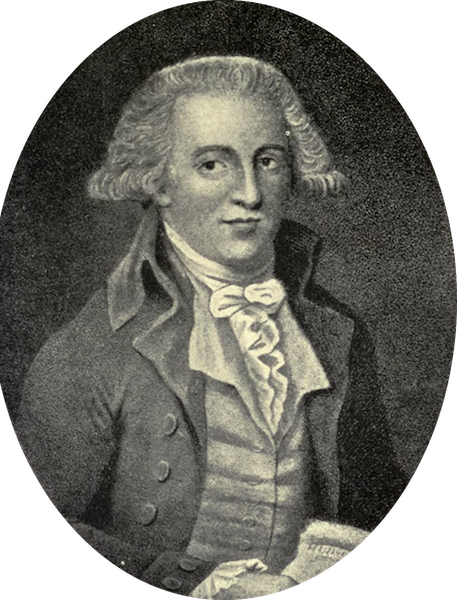 | Alexander Mackenzie
|
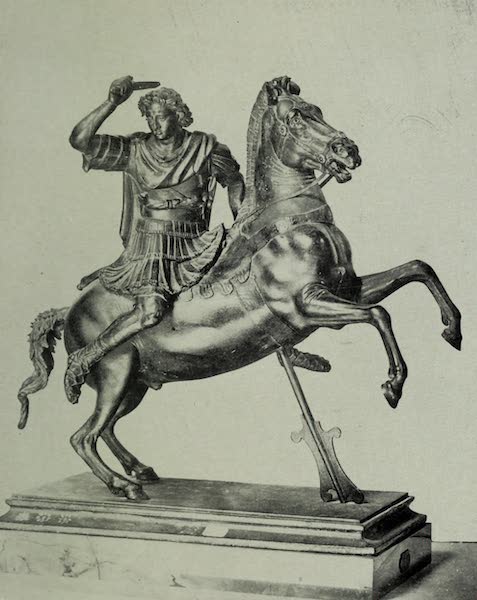 | Alexander on Horseback
|
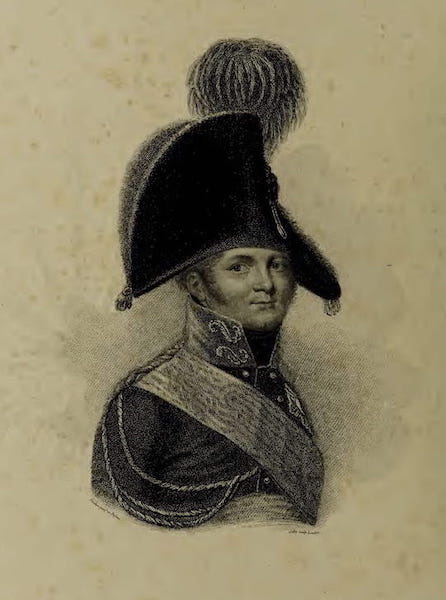 | Alexander the Great, Emperor of All the Russias
|
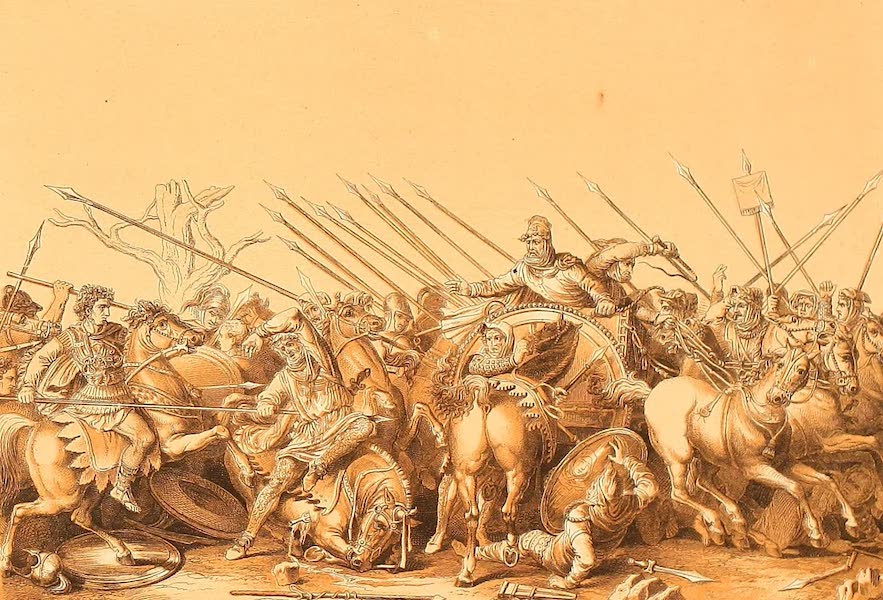 | Alexanderschlacht
|
 | Alexandra Bridge and Queen Victoria Statue
|
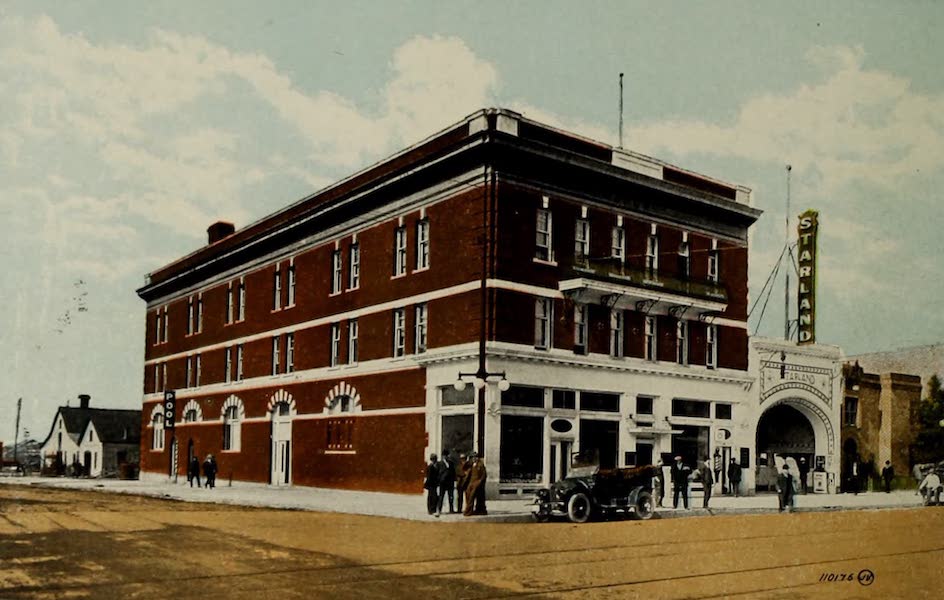 | Alexandra Hotel
|
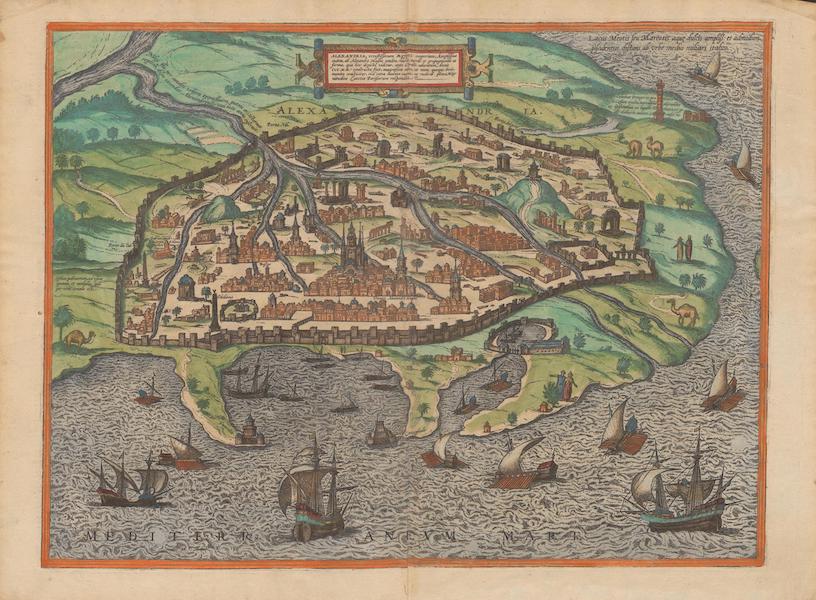 | Alexandria
|
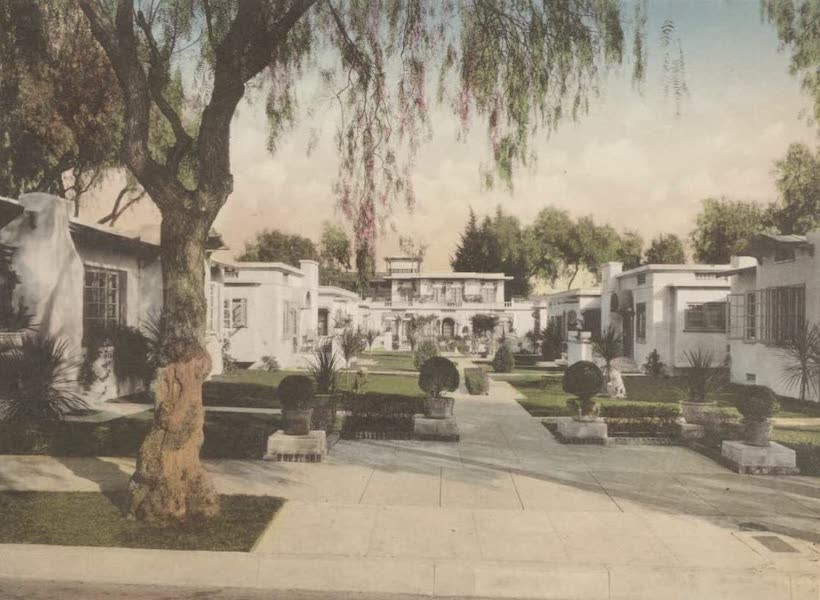 | Alexandria Court
|
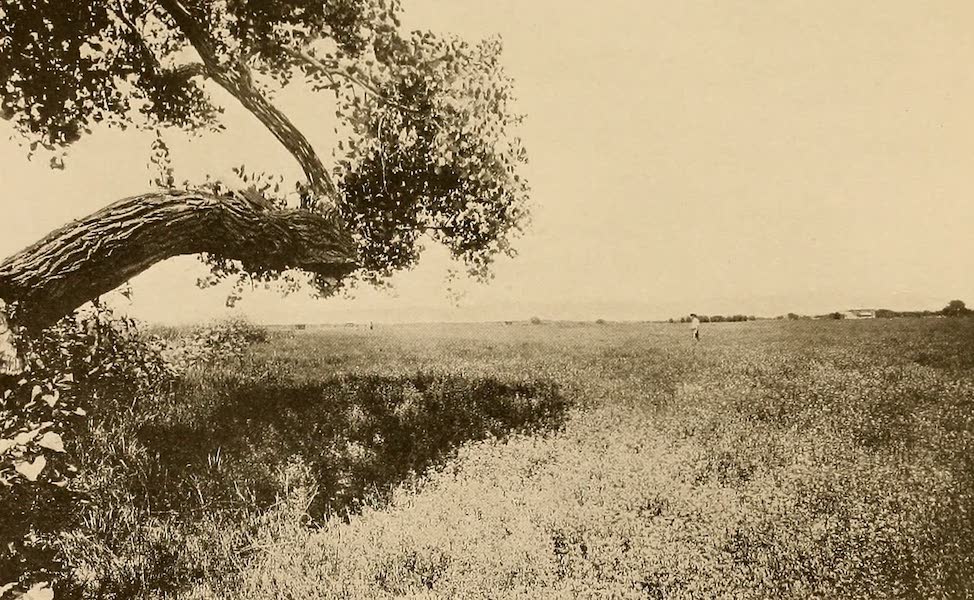 | Alfalfa Farm, Near El Paso
|
 | Alfalfa from Dry Farming
|
 | Alfred House
|
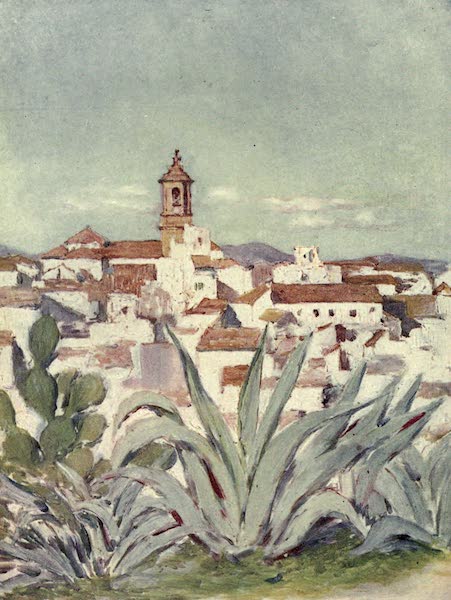 | Algeciras
|
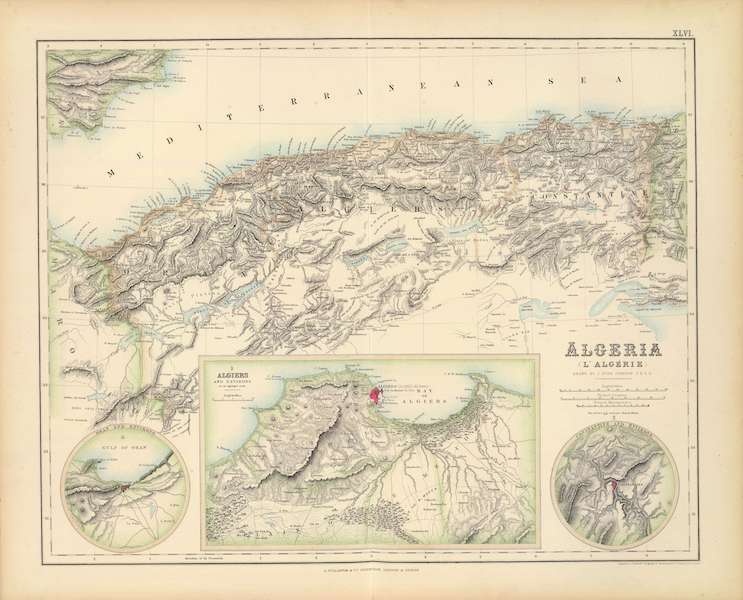 | Algeria
|
 | Algeria Colonie Francaise
|
 | Algerie
|
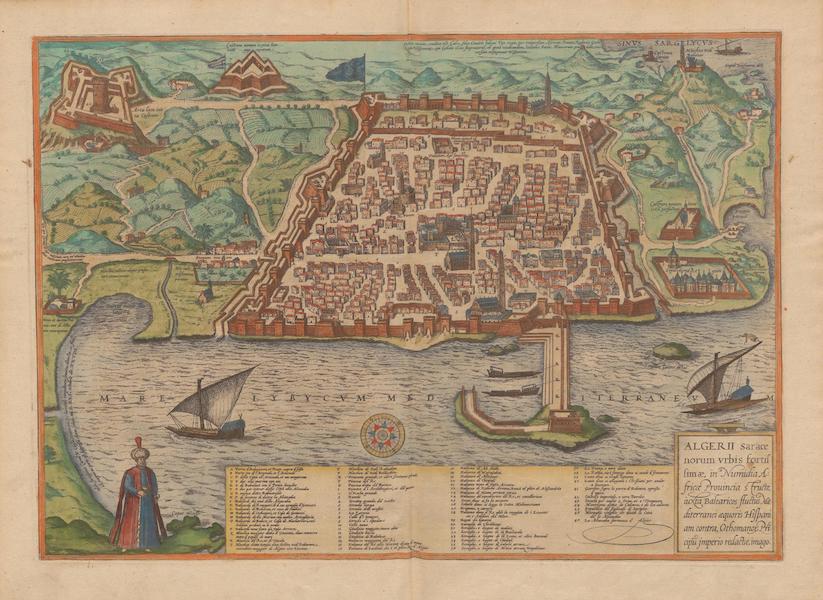 | Algerii Saracenorum Vrbis Fortissimae
|
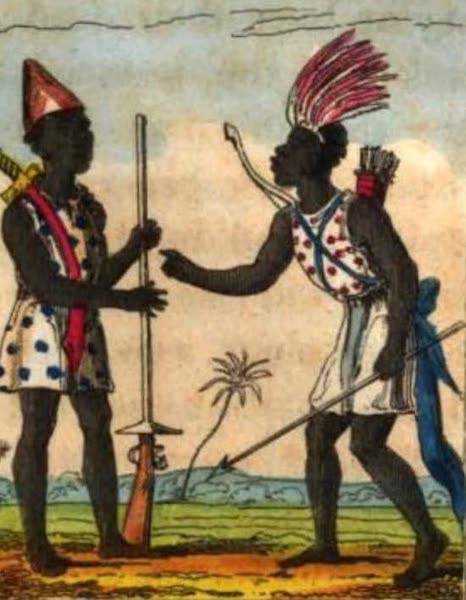 | Algerines
|
 | Algiers
|
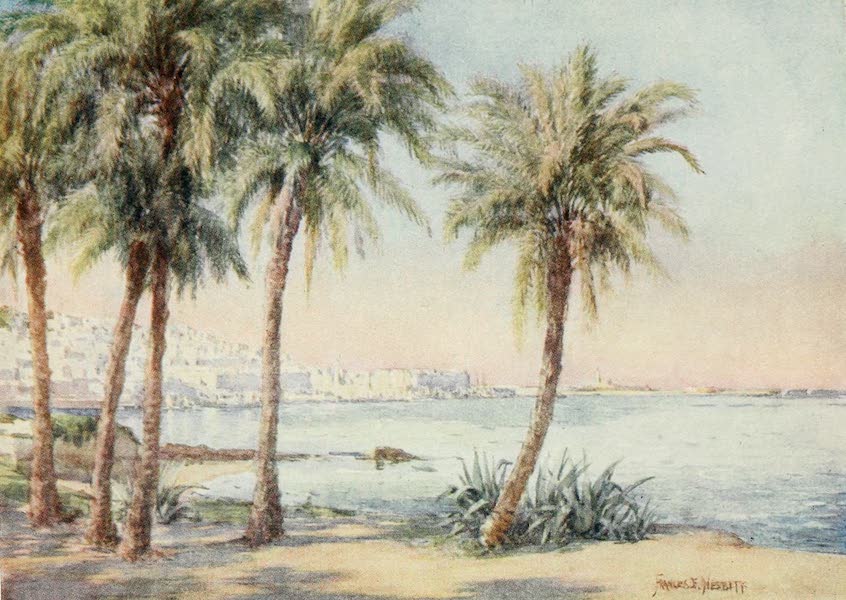 | Algiers from the Jardin d'Essai
|
 | Alhama 1564
|
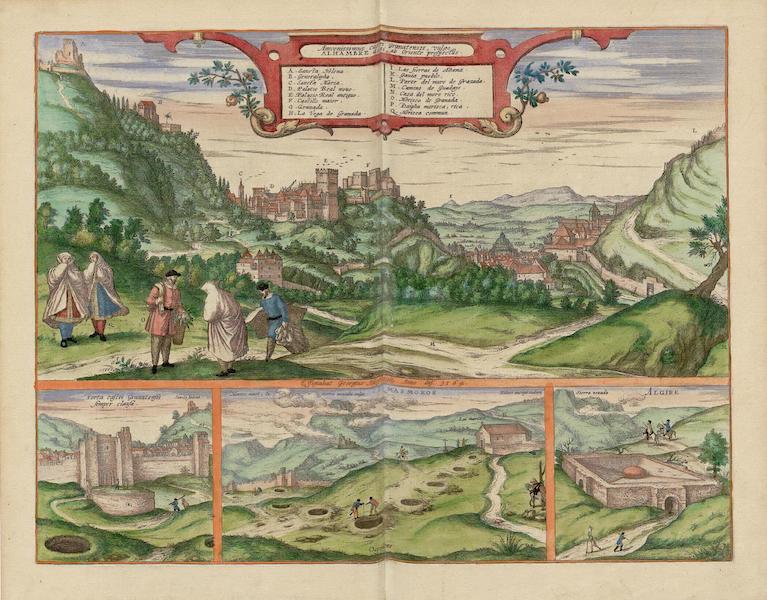 | Alhambre 1564 Insets Porta Castri Granatensis Semper Clausa Masmoros et Algibe
|
 | Ali Pacha de Janina, chassant sur le lac de Butrinto en Mars 1819
|
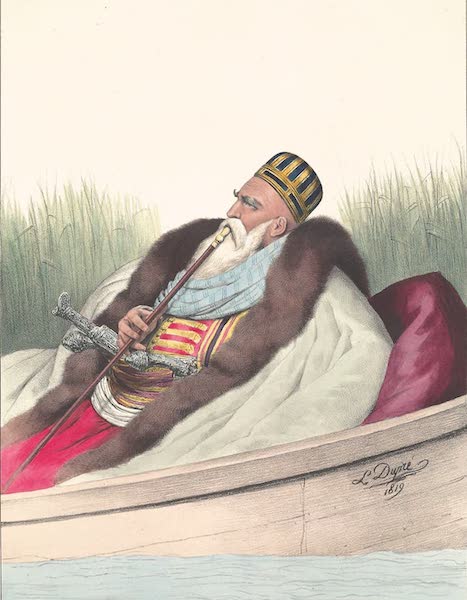 | Ali Tebelen, Pacha de Janina, dessine d'apres nature le 14 Mars sue le lac de Butrinto
|
 | Alictu and Kanguagiu
|
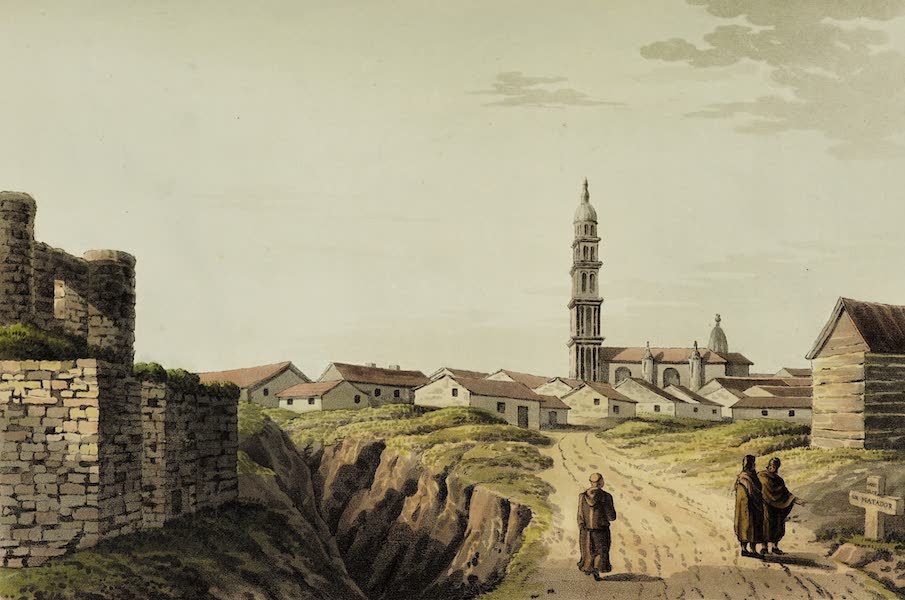 | Aliejos, a town in the Plains of Leon
|
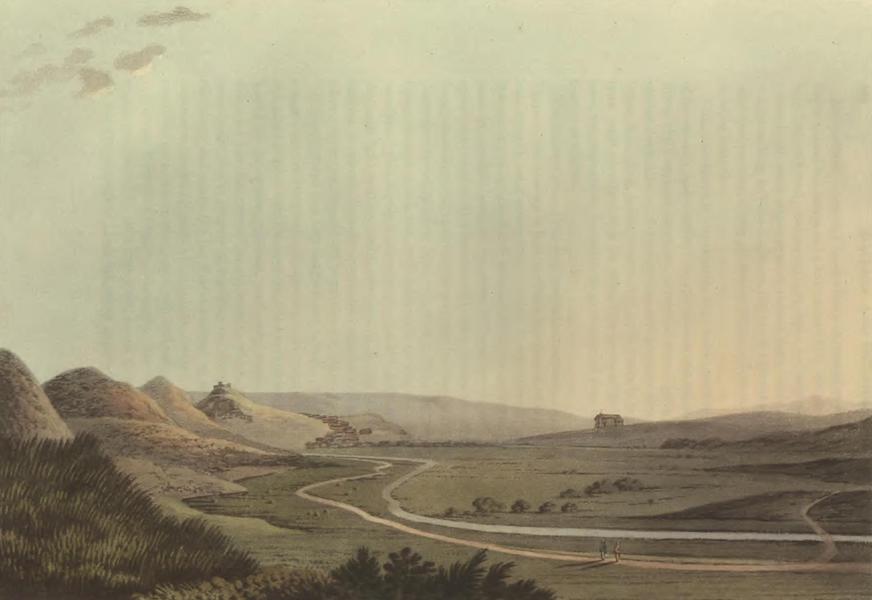 | Aljezur from the South Algarve
|
 | Aljustrel, from the East, Alemtejo
|
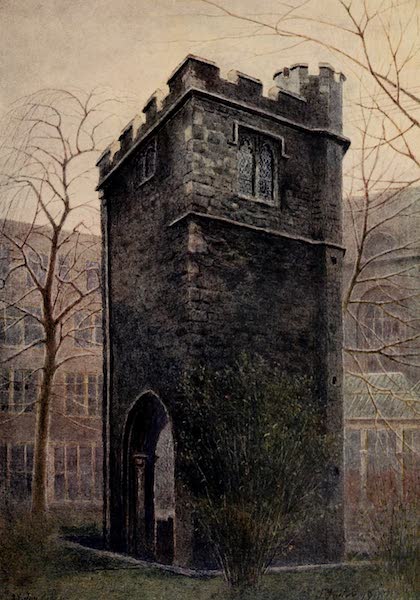 | All Hallows Steyning, Star Alley
|
 | All Hallows, Barking, Seething Lane
|
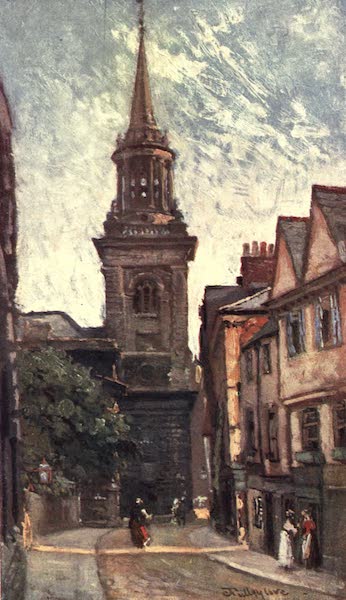 | All Saints' Church, from Turl Street - Dr. A. Hugh Thomson
|
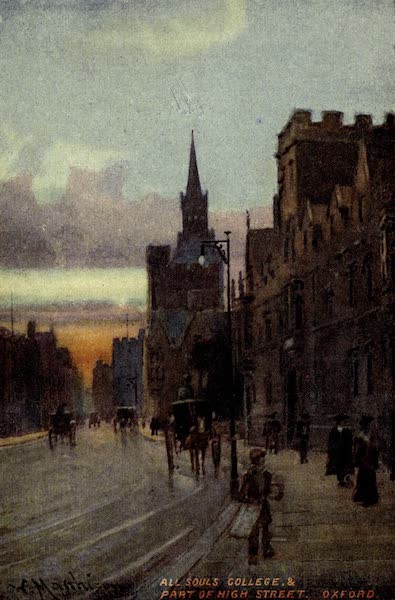 | All Souls College and Part of High Street, Oxford
|
 | All Souls College and St. Mary's Church, Oxford
|
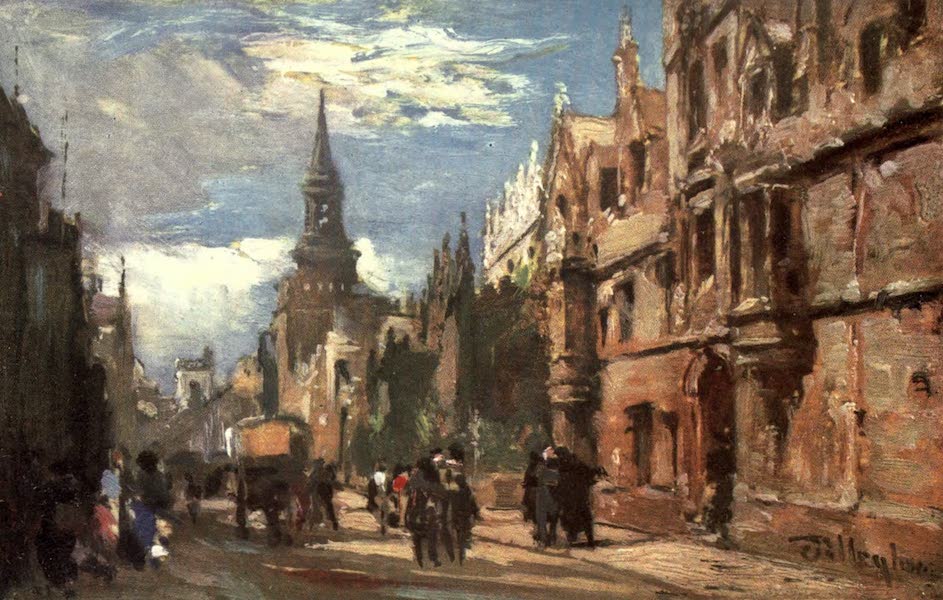 | All Souls' College and the High Street - Mr. F. P. Osmaston, M.A
|
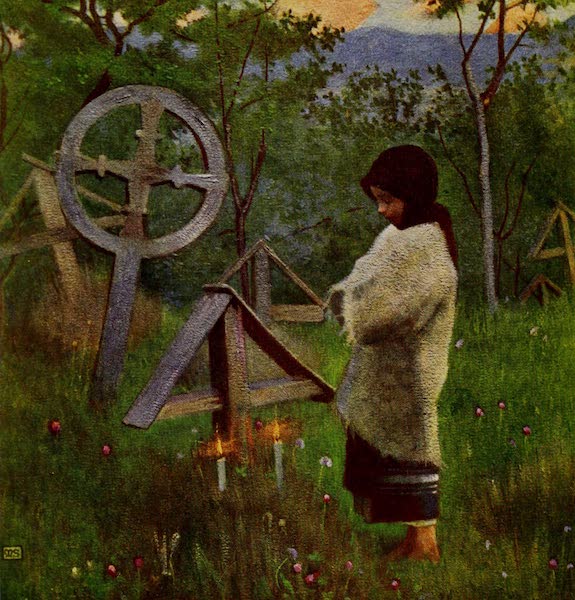 | All Souls' Day, Desze
|
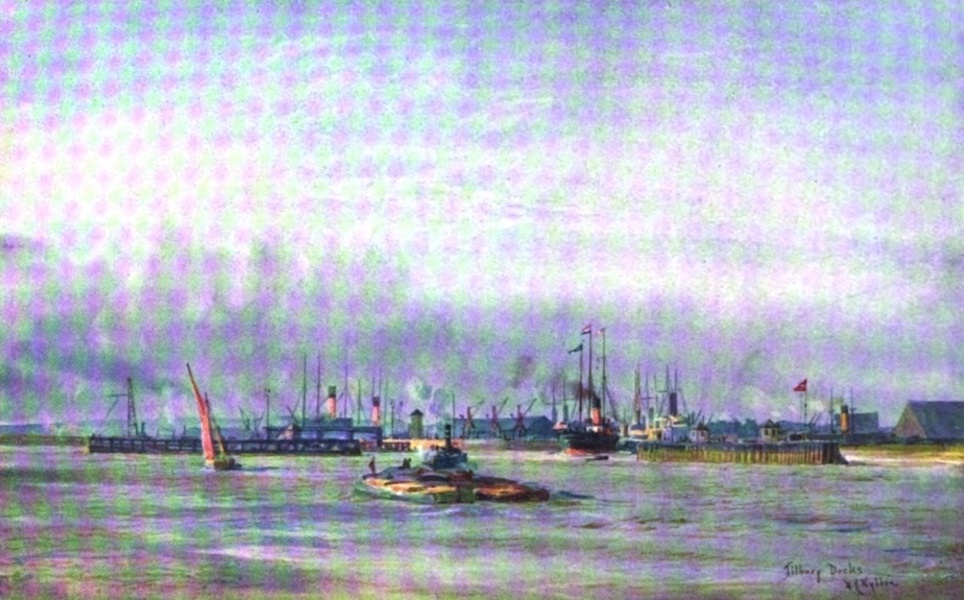 | Allan Liner entering Tilbury Dock
|
 | Allerwash or Fourstones
|
 | Allington Lock
|
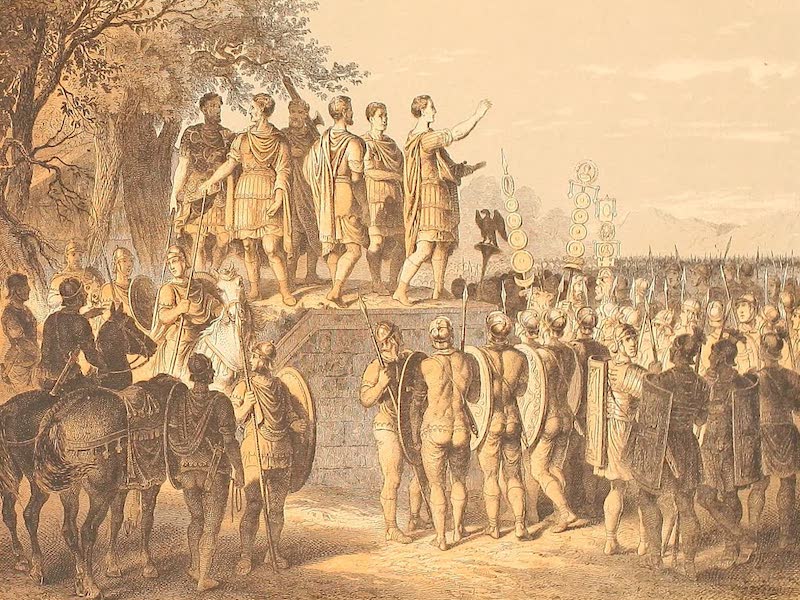 | Allocutio vom Suggestum
|
 | Alluvial Deposits in the Brahmaputra Above Rakusni Hill Assam
|
 | Alluvial High Ground On the Western Border of the Sindh Sager Duab Panjab
|
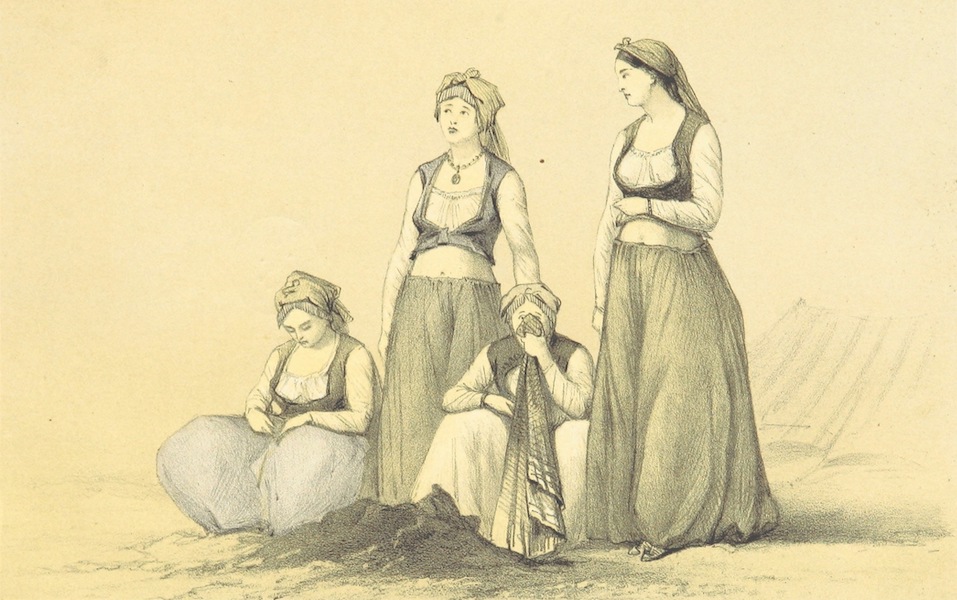 | Almeh or Dancing Women at Serapium
|
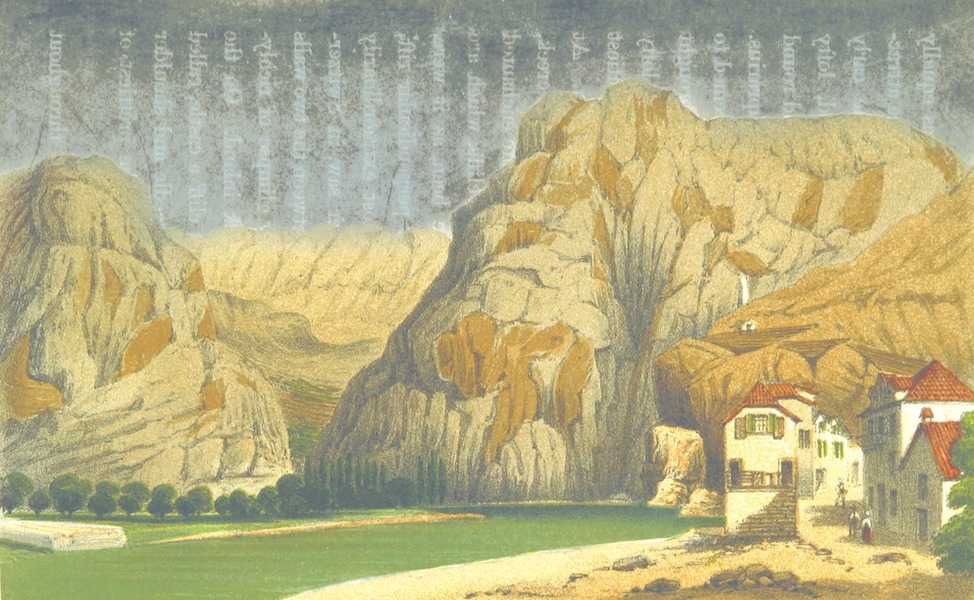 | Almissa
|
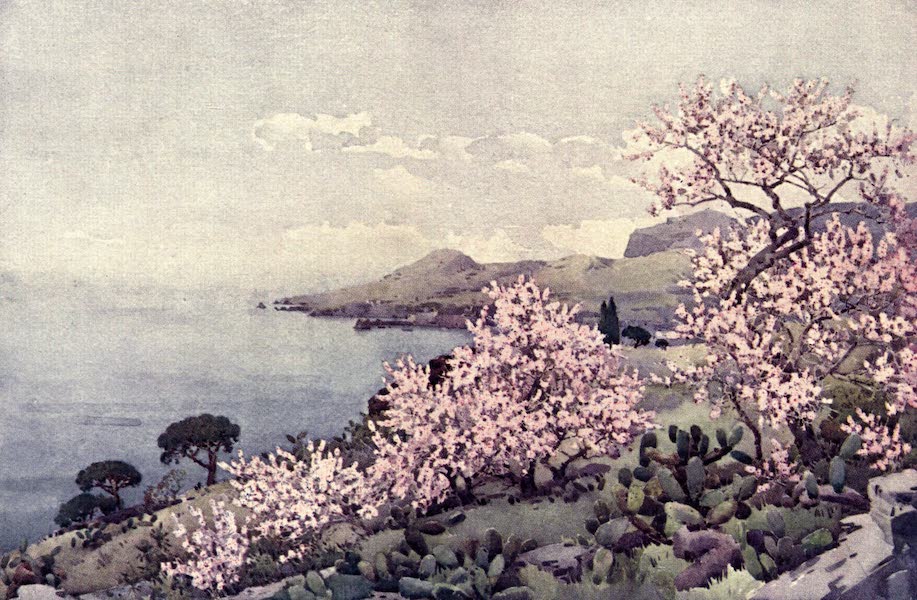 | Almond Blossom
|
 | Almond Blossom, St. Michaele
|
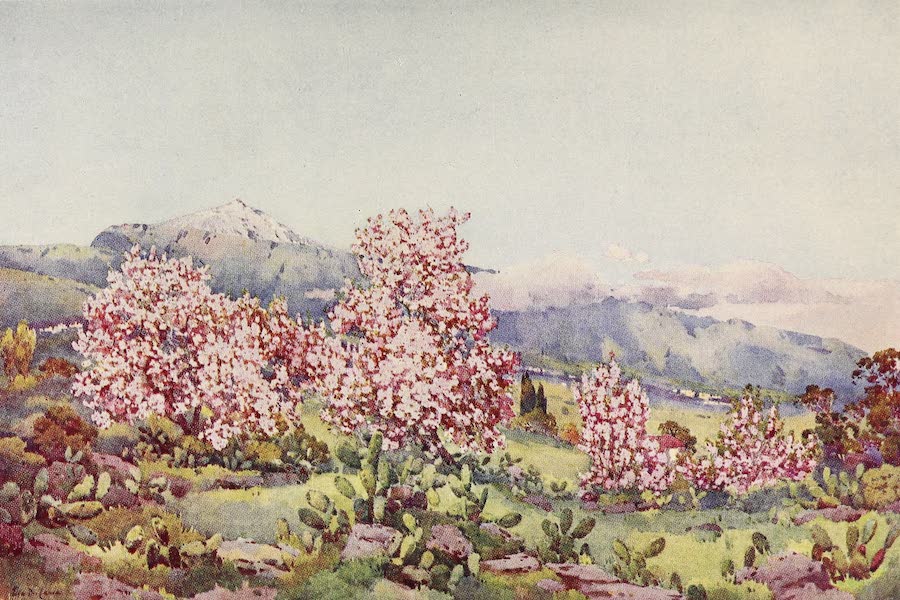 | Almond Blossom, Valley of Orotava
|
 | Almost an Accident
|
 | Almshouses of Abingdon
|
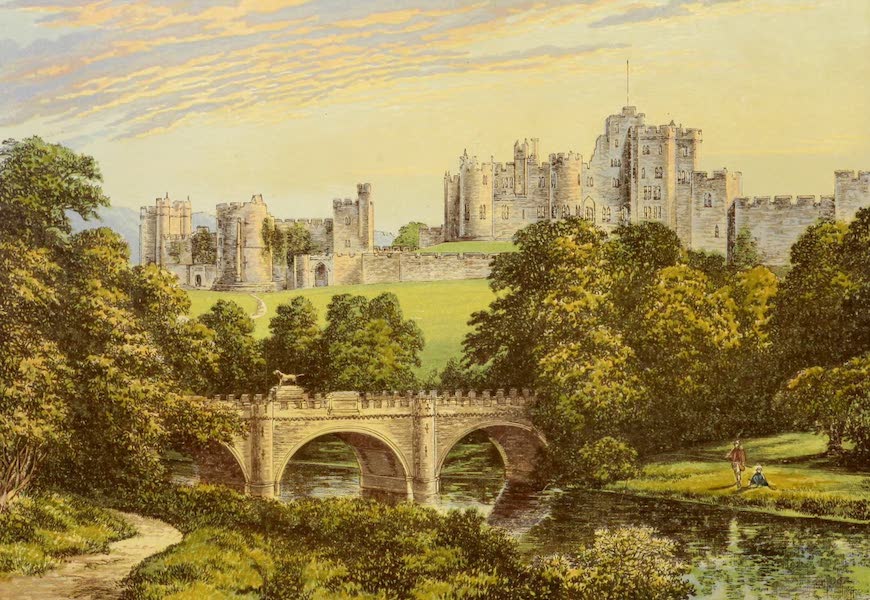 | Alnwick Castle
|
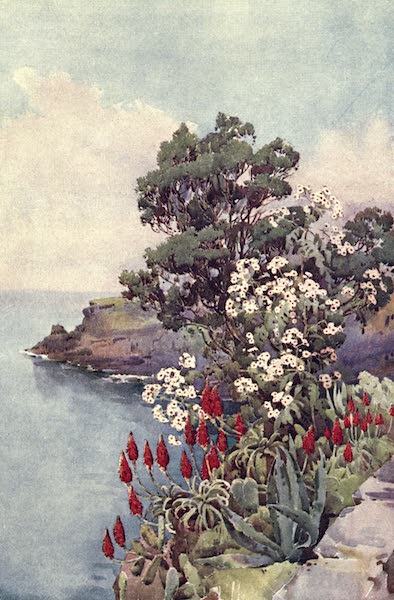 | Aloes and Daisy Tree
|
 | Along by the Driveway
|
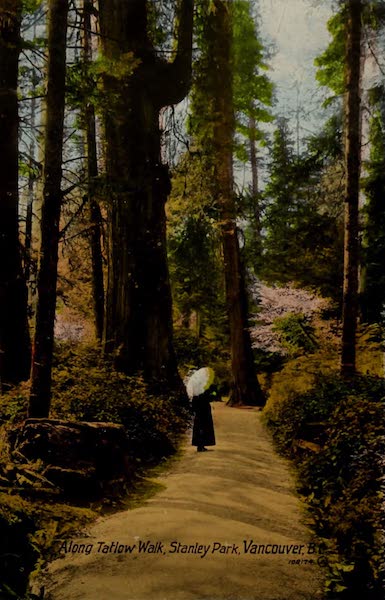 | Along Tatlow Walk, Stanley Park, Vancouver, B.C.
|
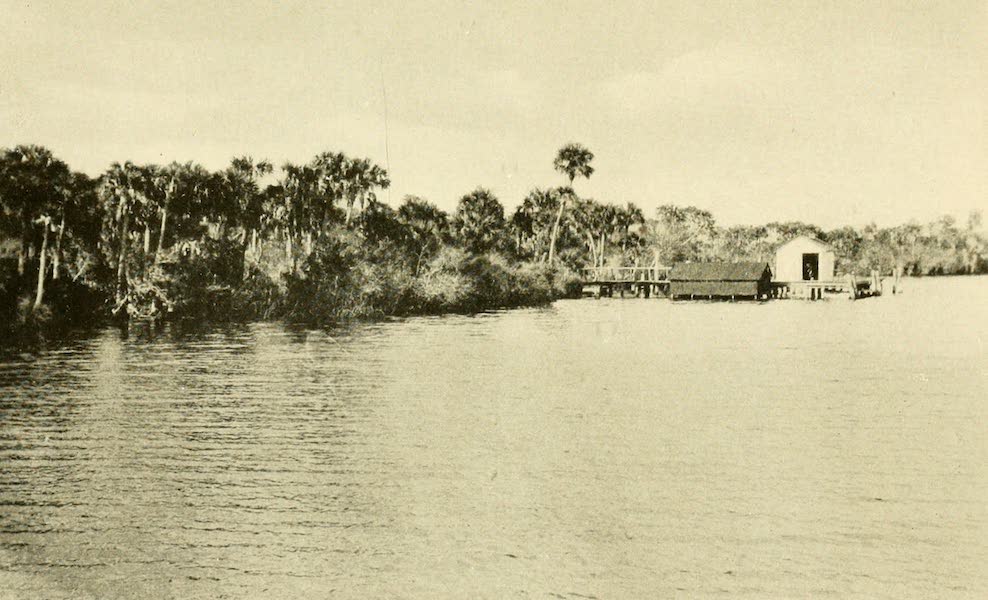 | Along the Caloosahatchee River
|
 | Along the Columbia Highway
|
 | Along the Fraser Canyon, showing Four Tunnels
|
 | Along the Rideau River
|
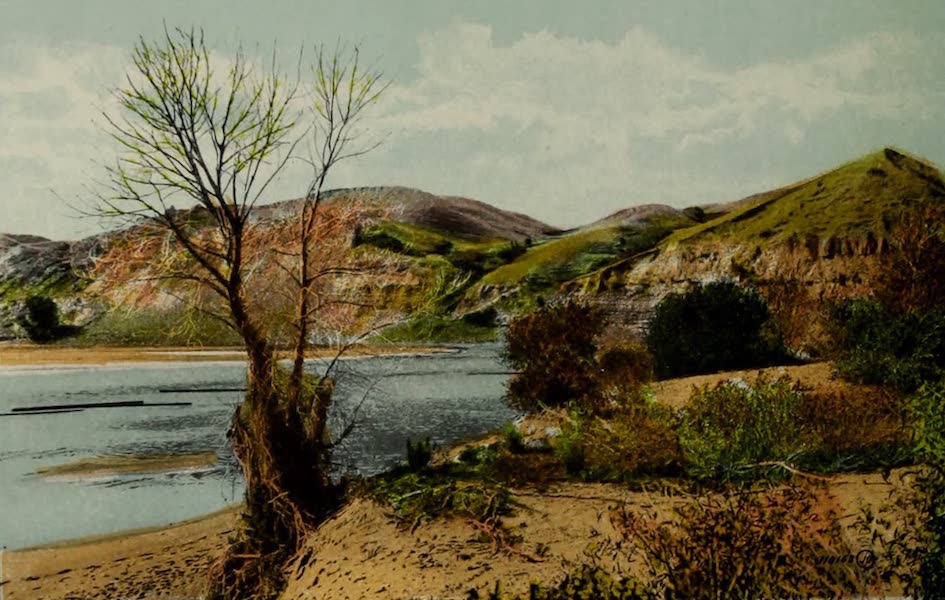 | Along the River Banks
|
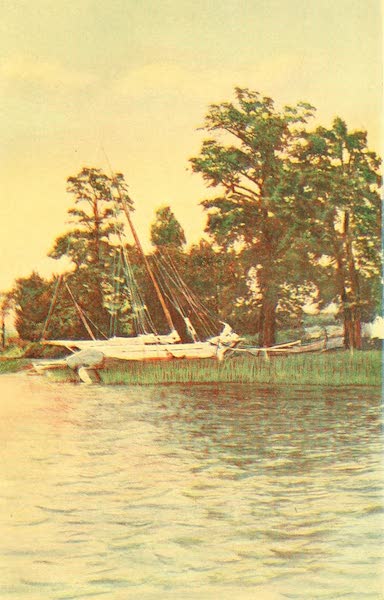 | Along the Shore of Chuckatuck Creek
|
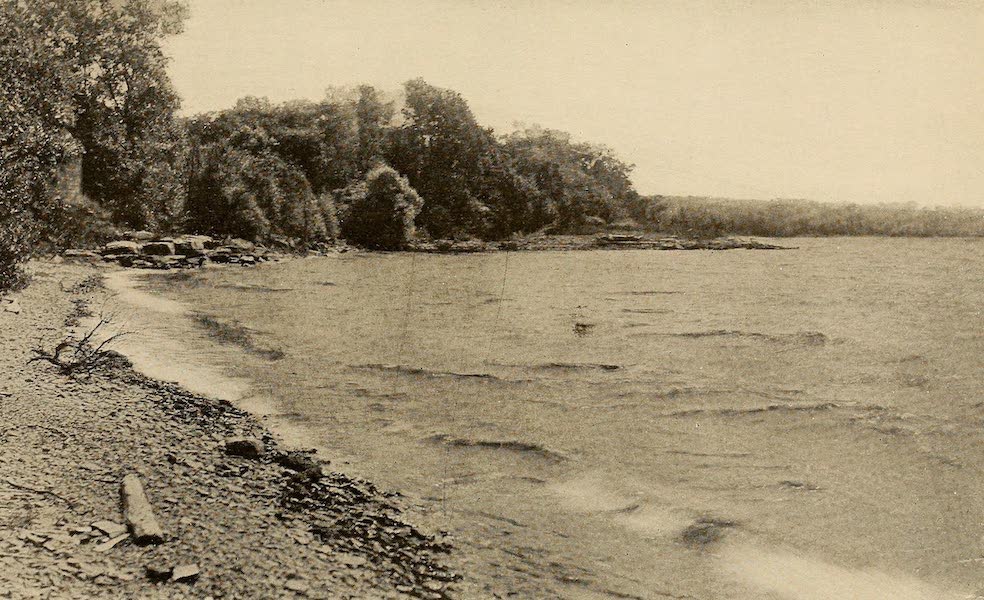 | Along the Shore of Isle La Motte, Lake Champlain
|
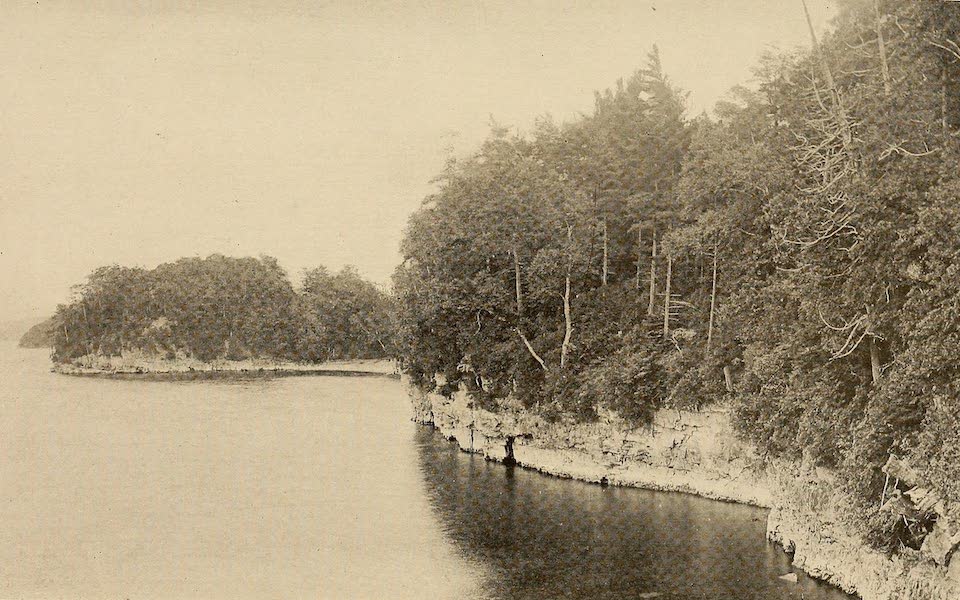 | Along the Shore of Lake Champlain, near Thompson's Point
|
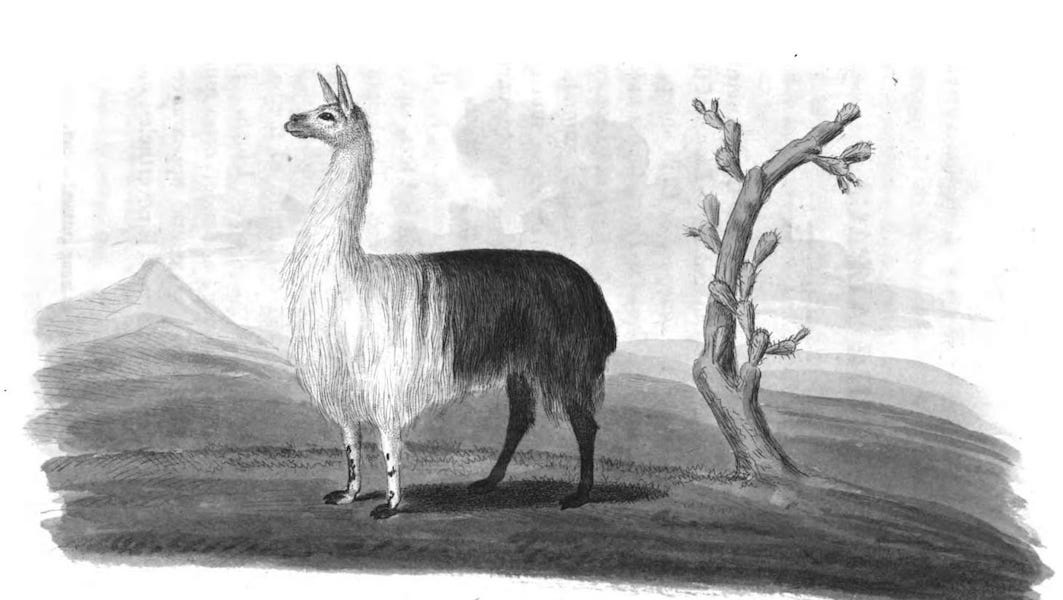 | Alpaca
|
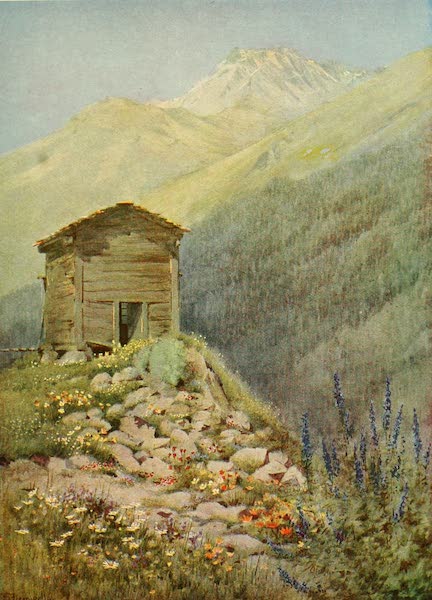 | Alpine Garden (the Linnea) at Bourg St. Pierre
|
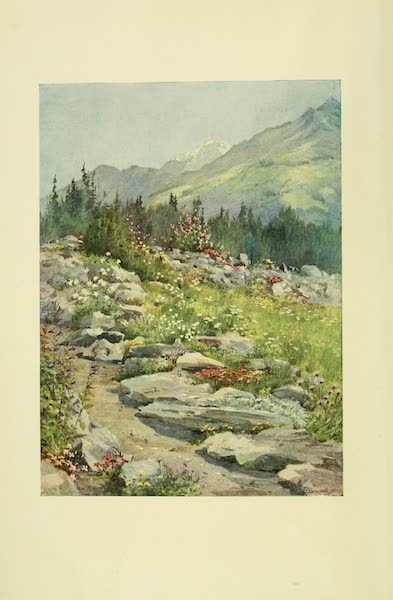 | Alpine Garden (The Linnea) at Bourg St. Pierre
|
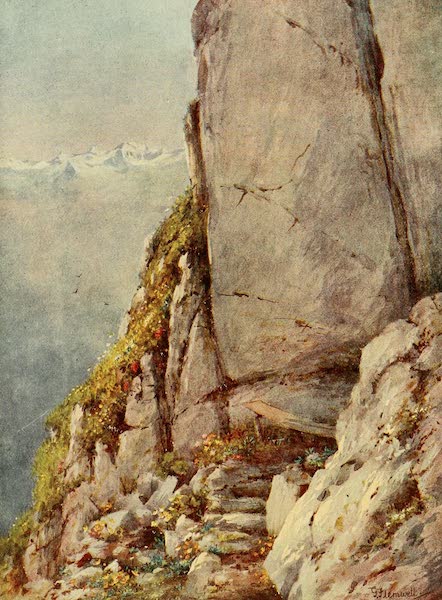 | Alpine Garden (the Rambertia) on the Rochers de Naye
|
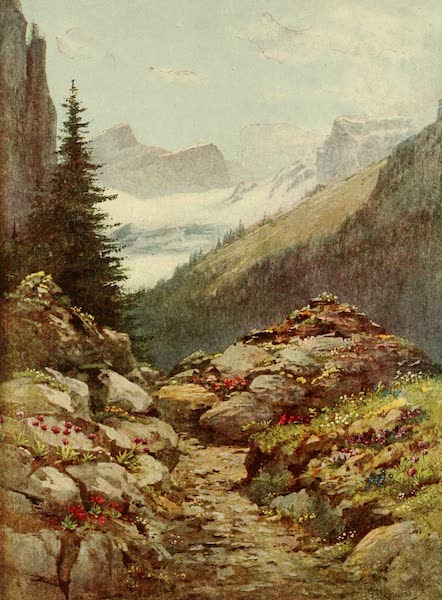 | Alpine Garden (the Thomasia) at Pont de Nant
|
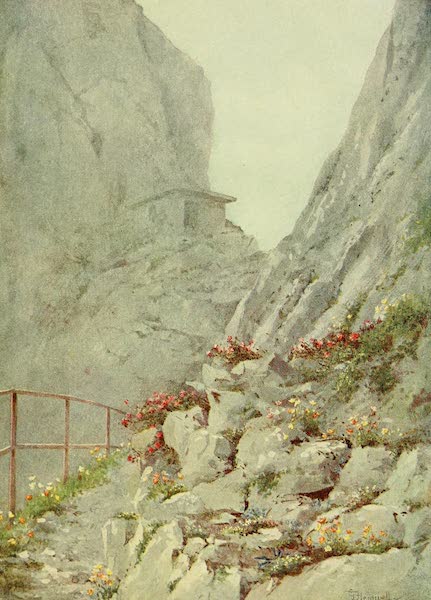 | Alpines on the Rochers de Naye
|
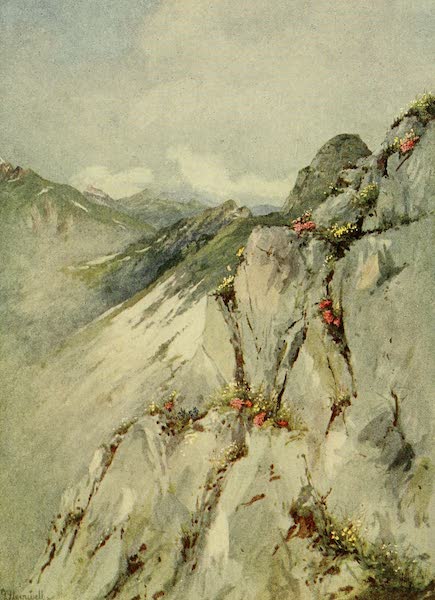 | Alpines on the Rocks of the Rochers de Naye
|
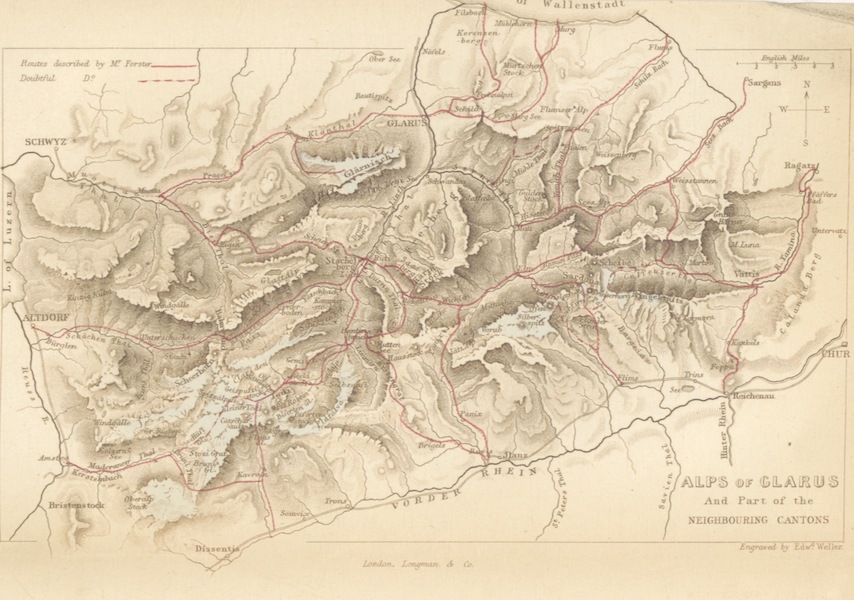 | Alps of Glarus and Part of Neighbouring Cantons
|
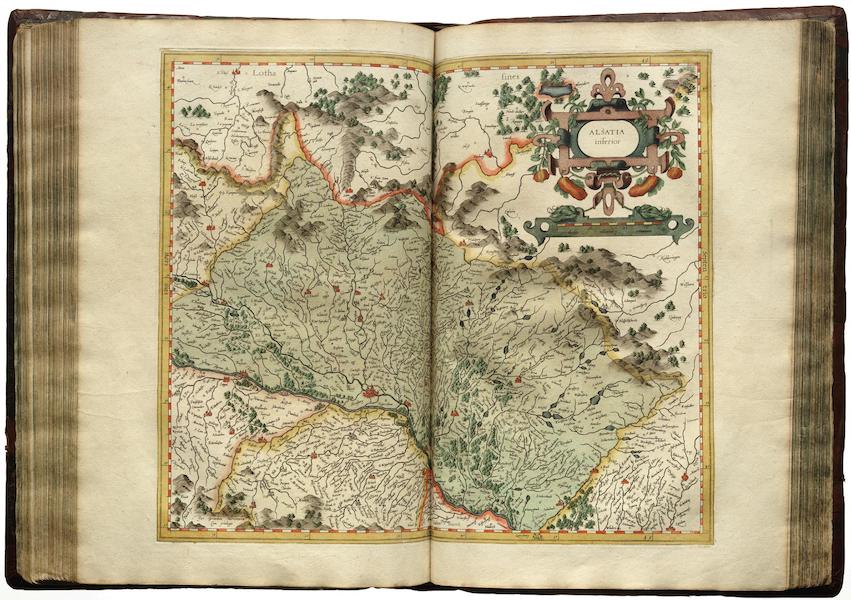 | Alsatia inferior
|
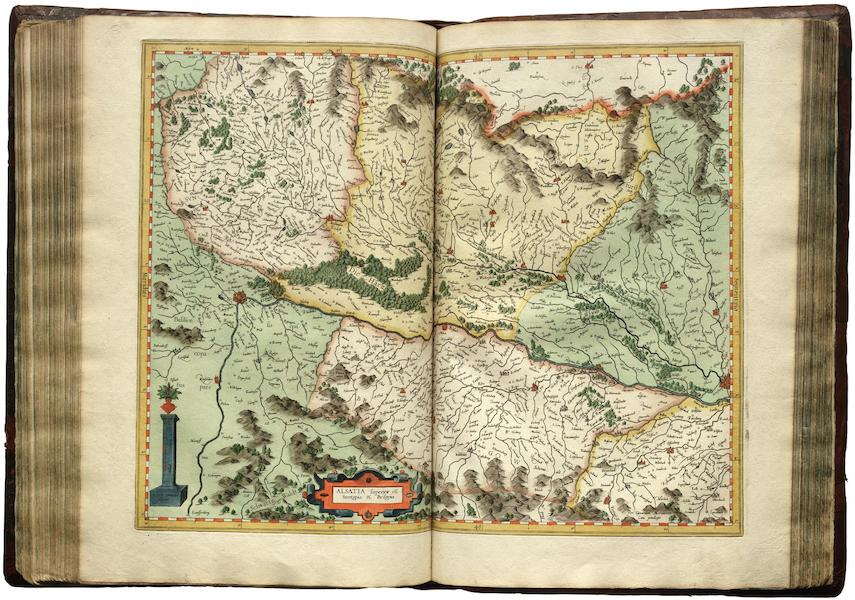 | Alsatia superior
|
 | Altar and Reredos by Myers, London, and Hardman, Birmingham. Designed by Pugin.
|
 | Altar representing rain-clouds and lightning
|
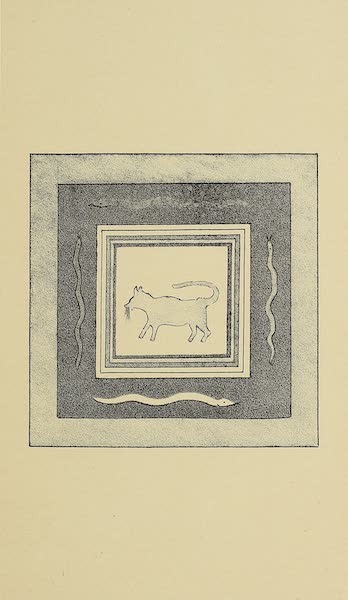 | Altar representing snakes and mountain lion
|
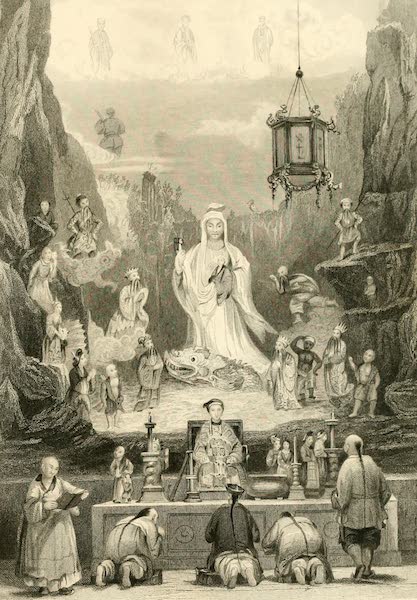 | Altar-piece in the Great Temple, Ting-hai
|
 | Altars near Roman Road. From a Photograph
|
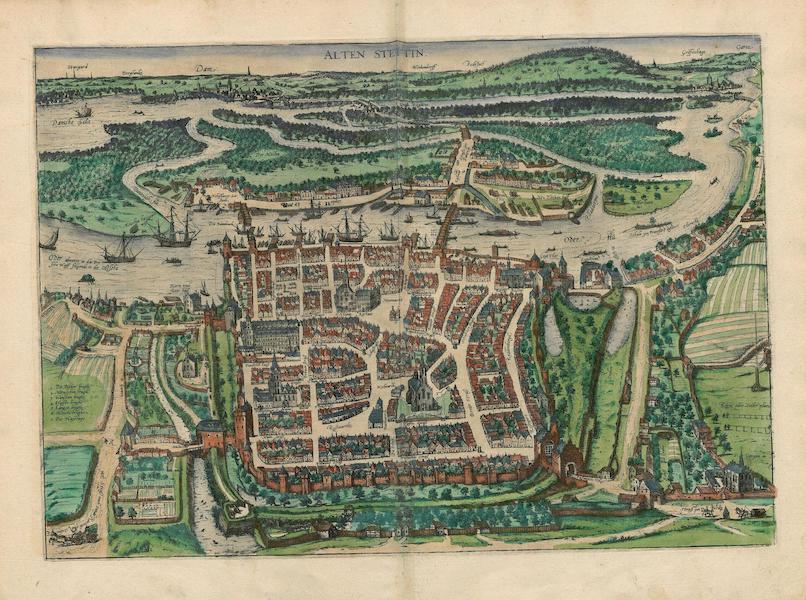 | Alten Stettin
|
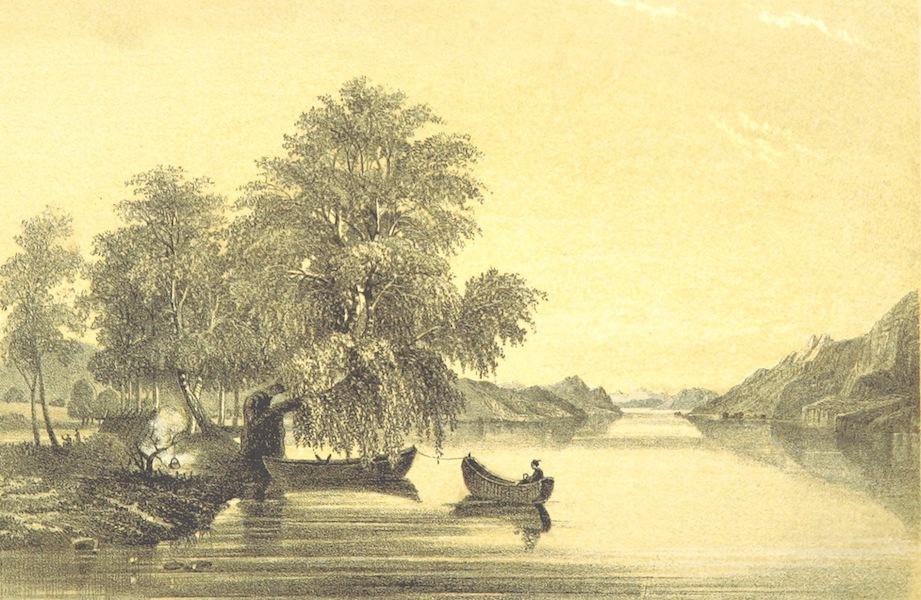 | Altin-Kool, Altai Mountains, Western Siberia
|
 | Alto Bridge
|
 | Alton Towers
|
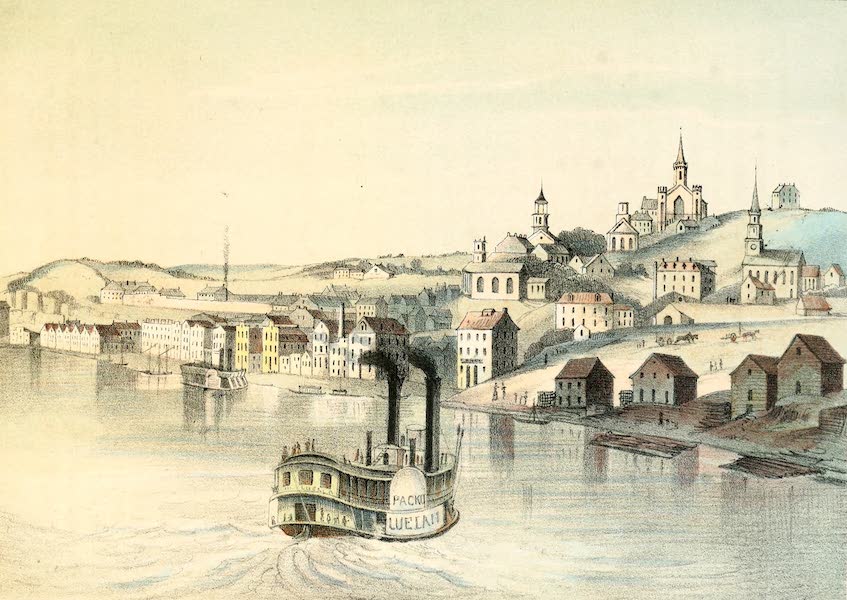 | Alton, Illinois
|
 | Alum Bay
|
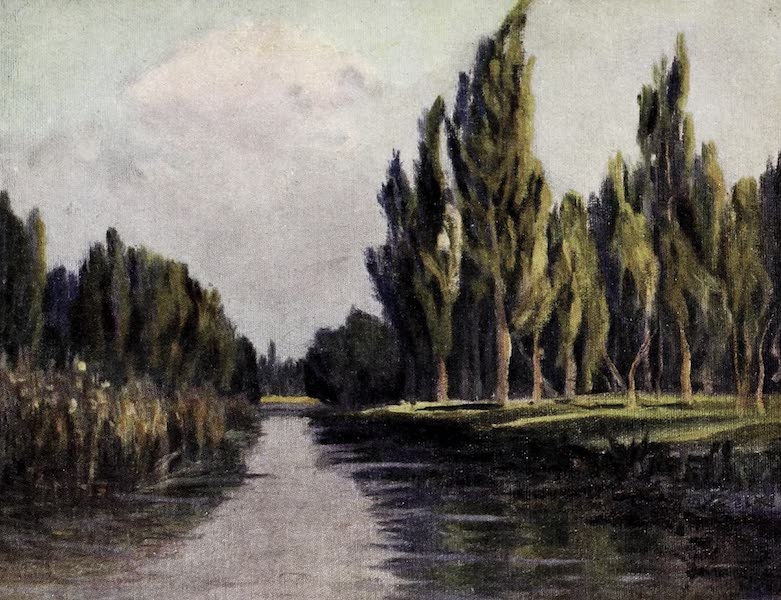 | Alumine Neuquen
|
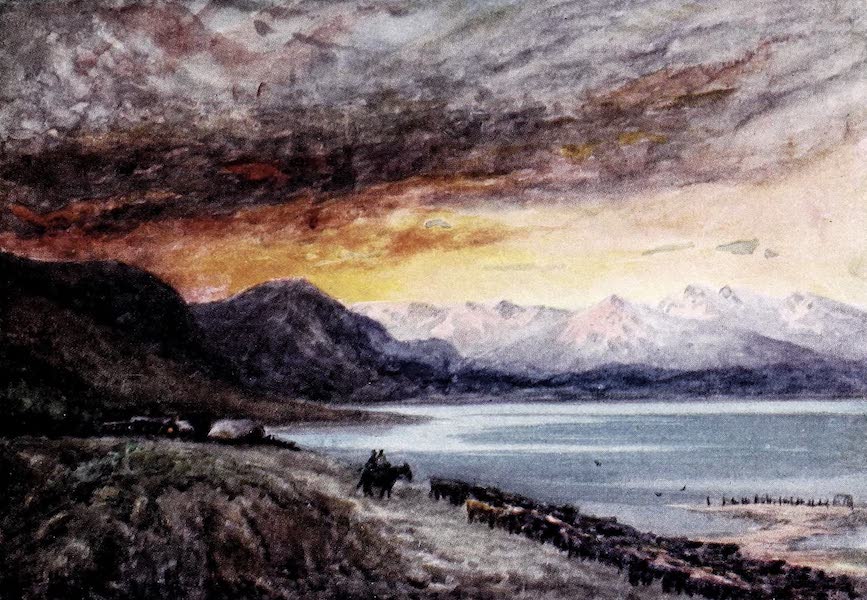 | Alumine Neuquen
|
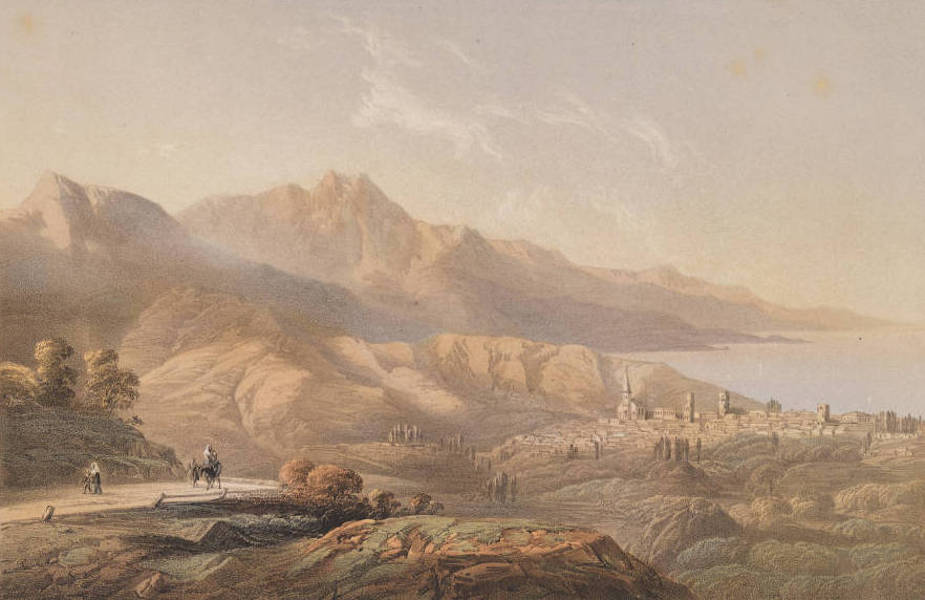 | Alushta
Formerly a large town, the ancient Ellena. The ruined towers are the remains of the Emperor Justinian's fortifications in the fifth century. The view is taken from the high road leading to Simferopol. |
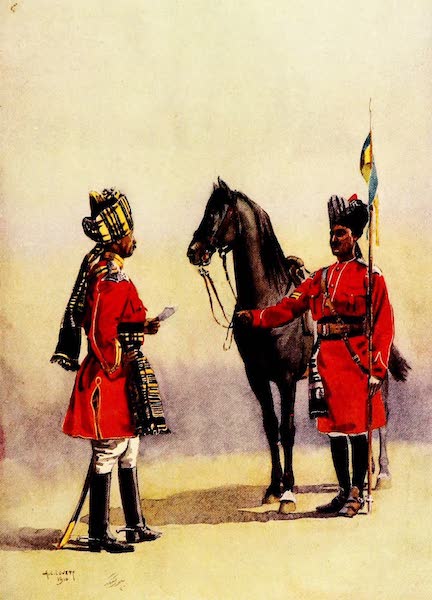 | Alwar Lancers
|
 | Am Markte von Gaba
|
 | Am Rio Escalante
|
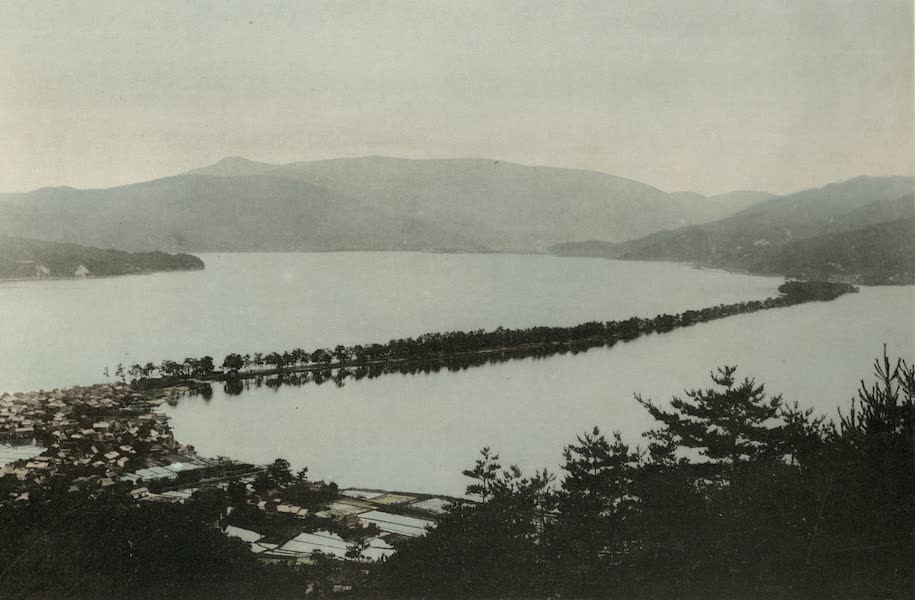 | Ama no Hashidate - A Slender Bridge-Like Peninsula Bordered with Pines
|
 | Amadia
|
 | Amalfi
|
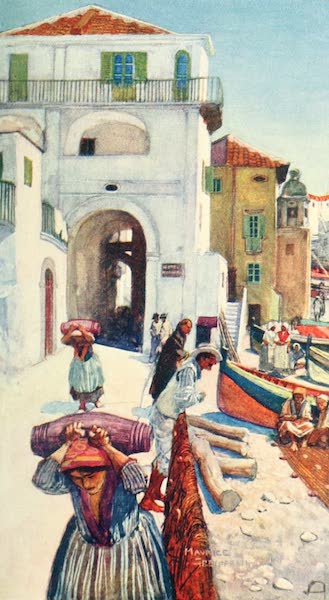 | Amalfi
|
 | Amalfi : Piazza and Duomo
|
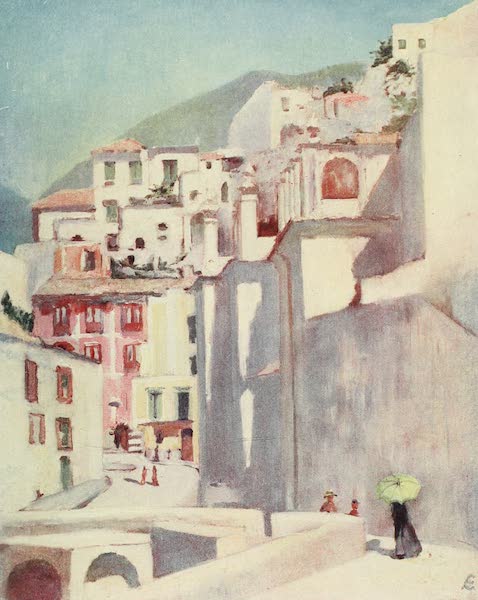 | Amalfi in Summer
|
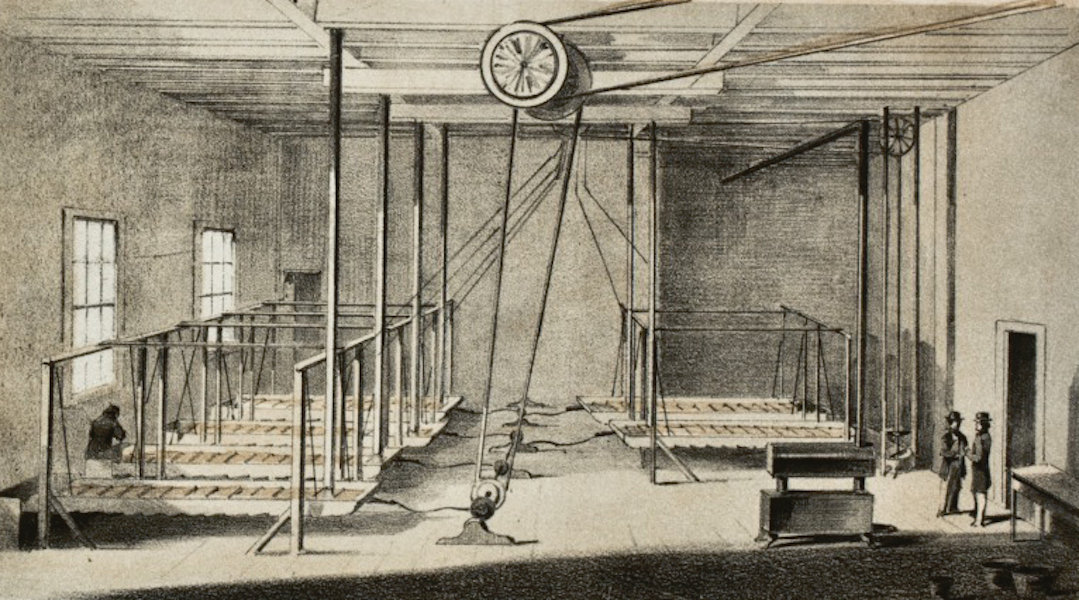 | Amalgamating Room
|
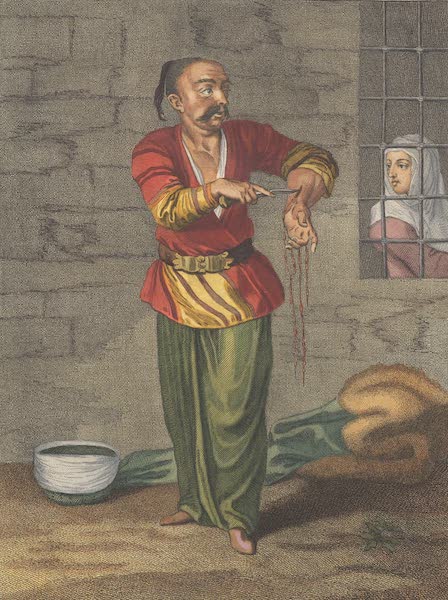 | Amant Turc qui se perce le bras devant sa Maitresse
|
 | Amantin, Residentie des Konings van Wassa
|
 | Amarante and Bridge, from the Convent of San Domingo: Entre Douro-e-Minho
|
 | Amarante on the RiverTamega: Entre Douro-e-Minho
|
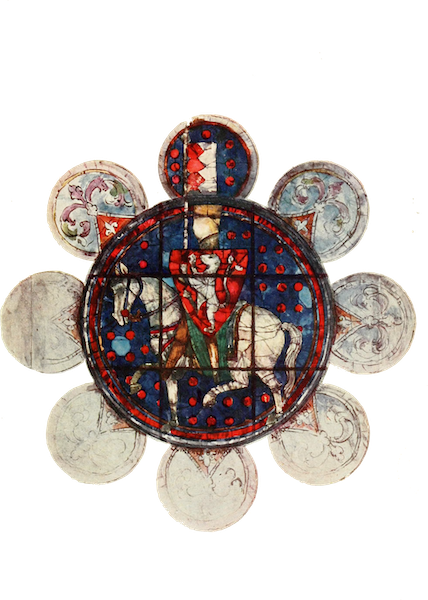 | Amaury de Montfort, from the choir clerestory, Chartres Cathedral. Thirteenth century
|
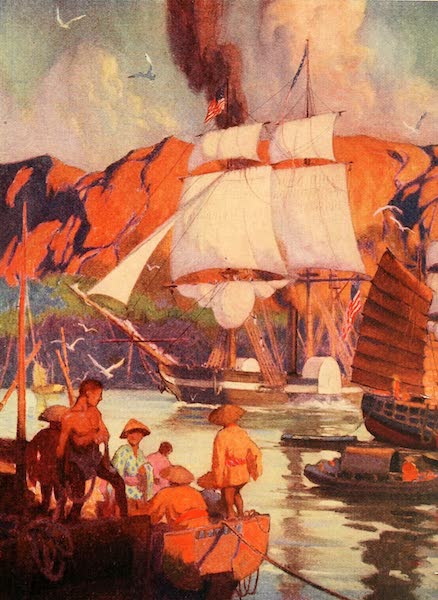 | Amazed at Such Sights, the Japanese Swarmed Out in Their Small Boats
|
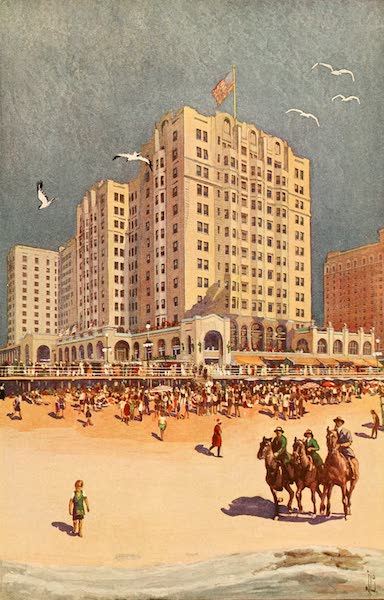 | Ambassador Hotel
|
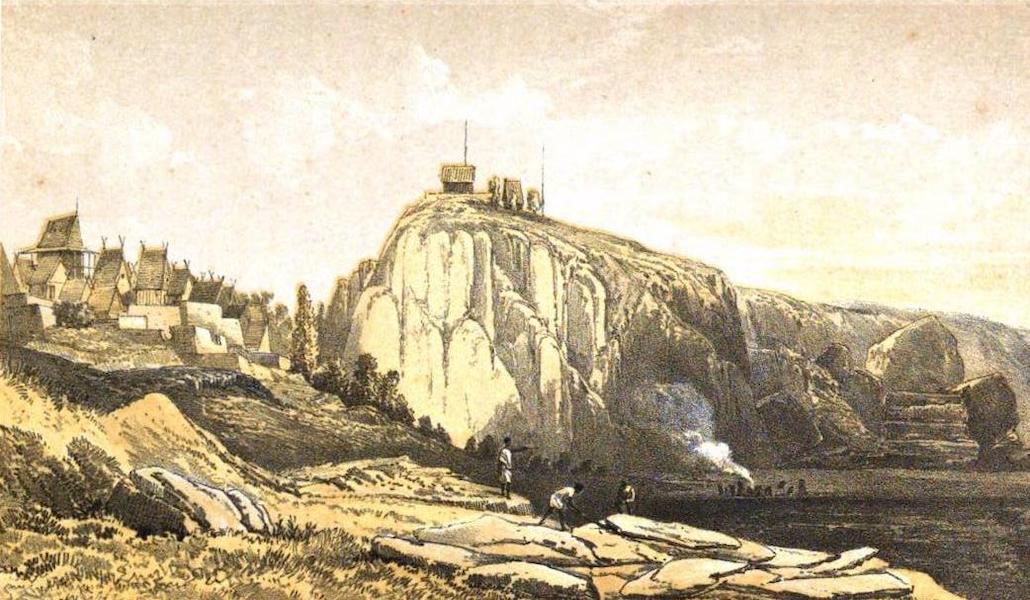 | Ambatomanga
|
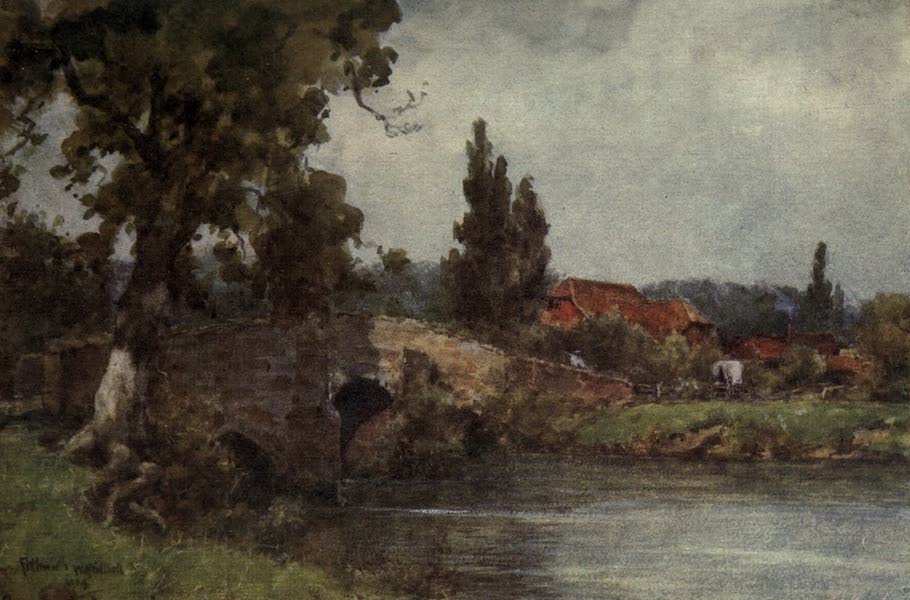 | Amberley Chalk Pits
|
 | Amberley Chalk Pits
|
 | Amberley Church
|
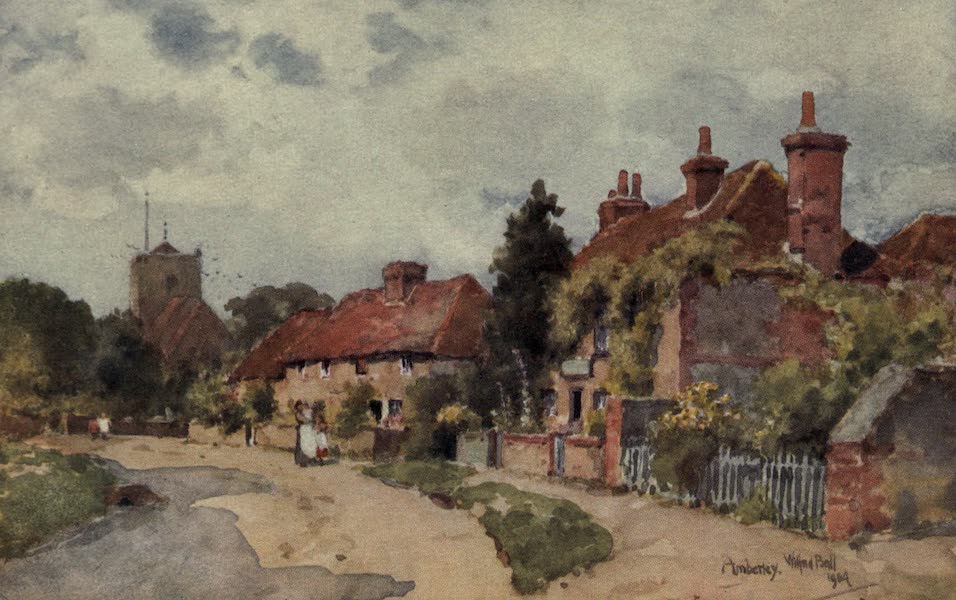 | Amberley Church
|
 | Amberley Village
|
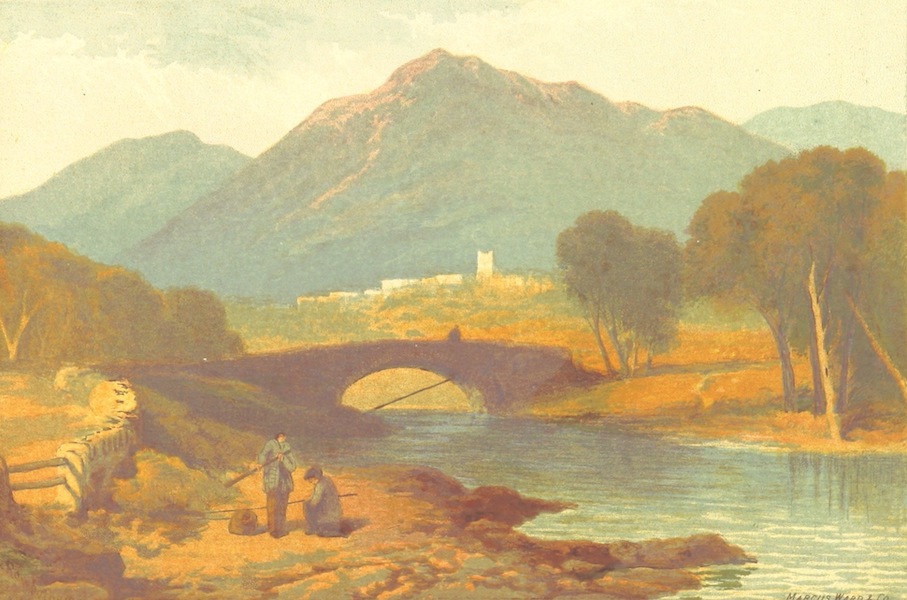 | Ambleside
|
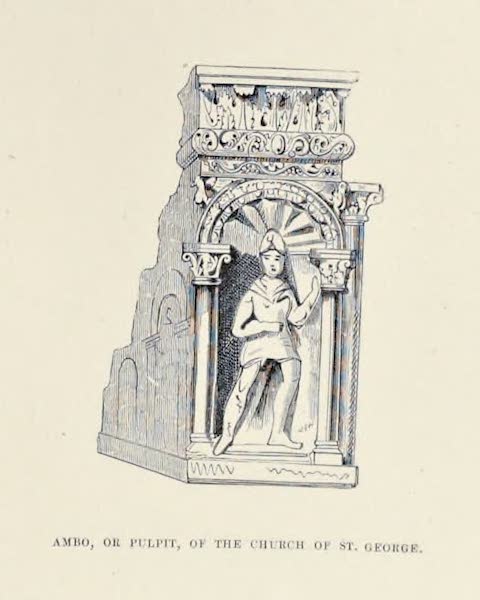 | Ambo, or Pulpit, of the Church of St. George, Thessalonica
|
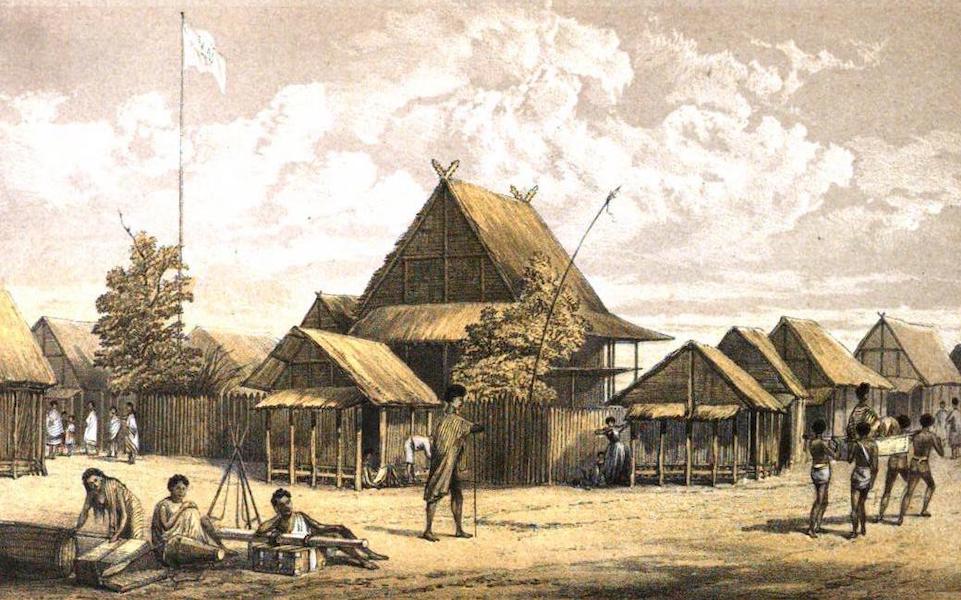 | Ambohibohazo
|
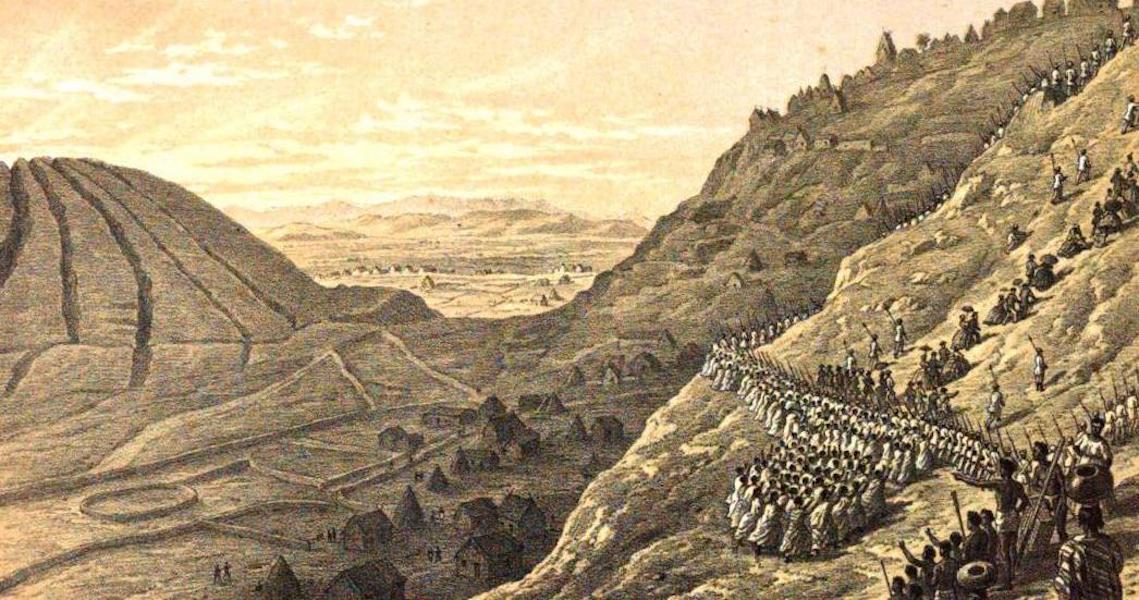 | Ambohidzanahary & Suburbs of Antananarivo
|
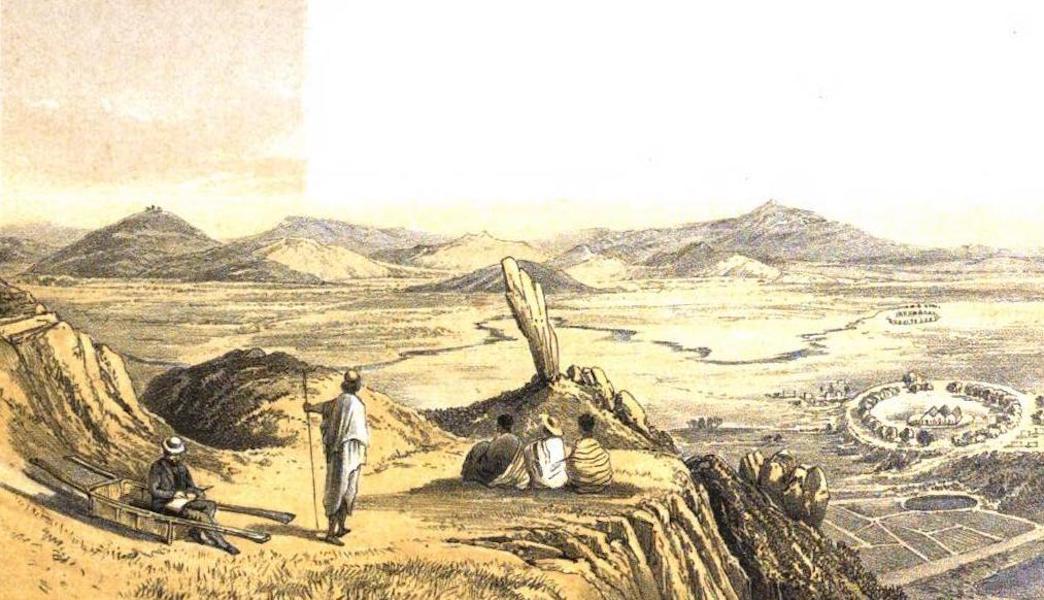 | Ambohipotsy, the execution ground and Isonierana Palace
|
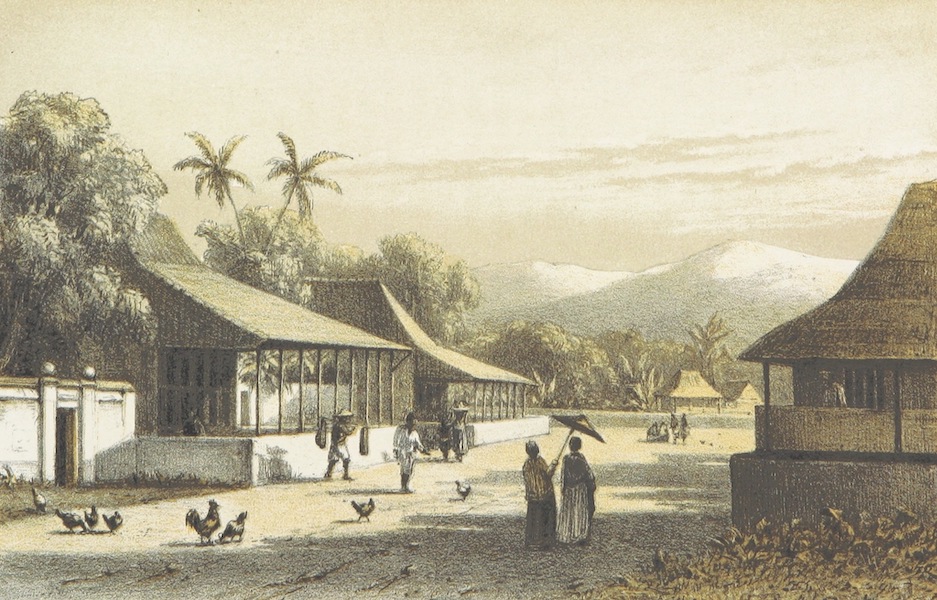 | Amboina
|
 | Amboise from Across the Loire
|
 | Amboise, The Castle
|
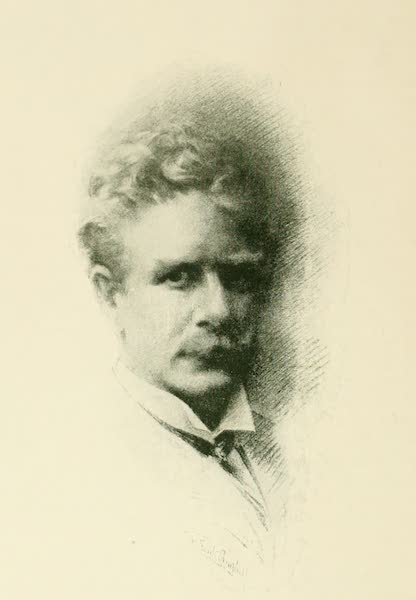 | Ambrose Bierce
|
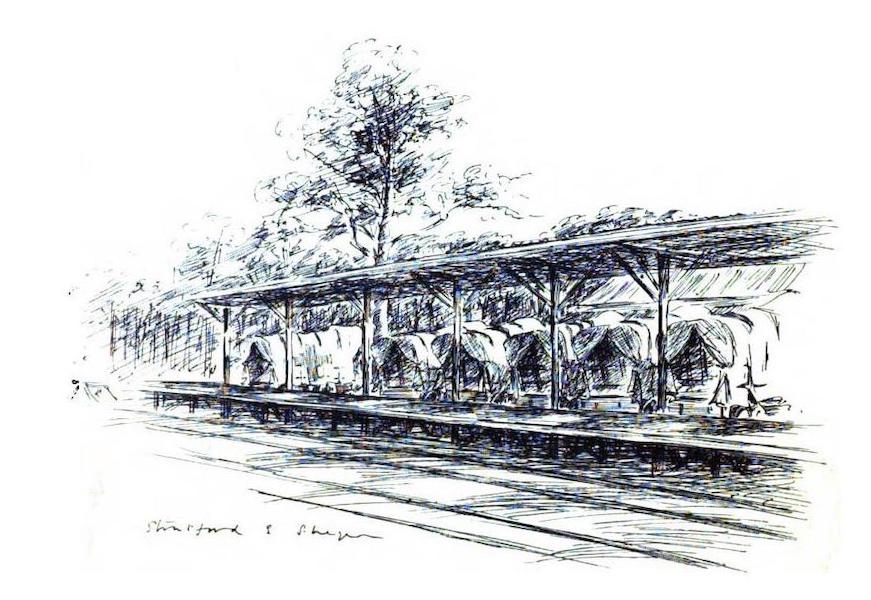 | Ambulances at Wynberg Railway Station
|
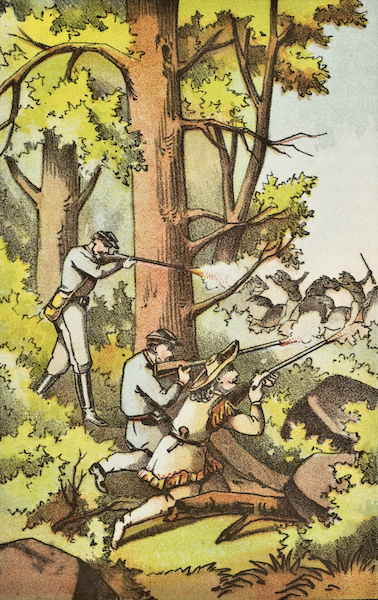 | Ambushing the Indians
|
 | Ameliorations Progressives du Palais de St Christophe, (Quinta de Boa Vista); depuis 1808, jusqu'en 1831
|
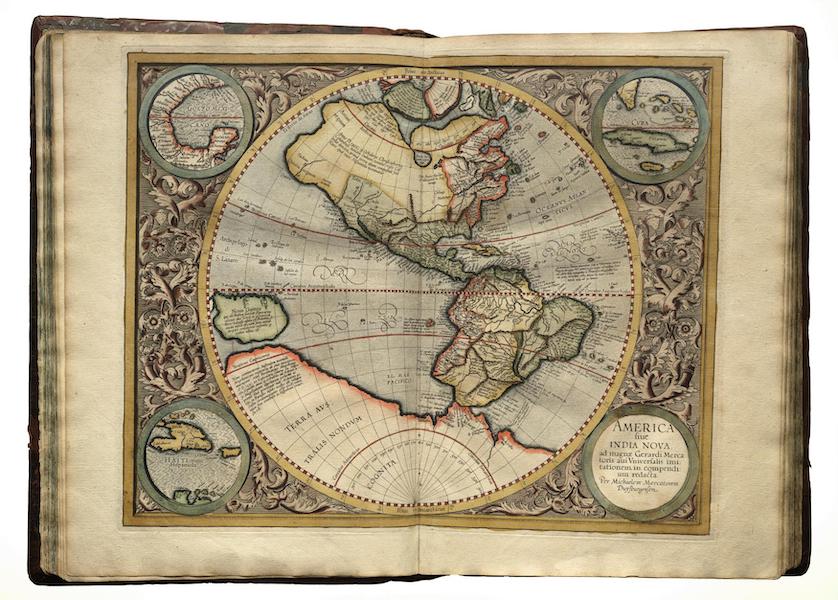 | America
|
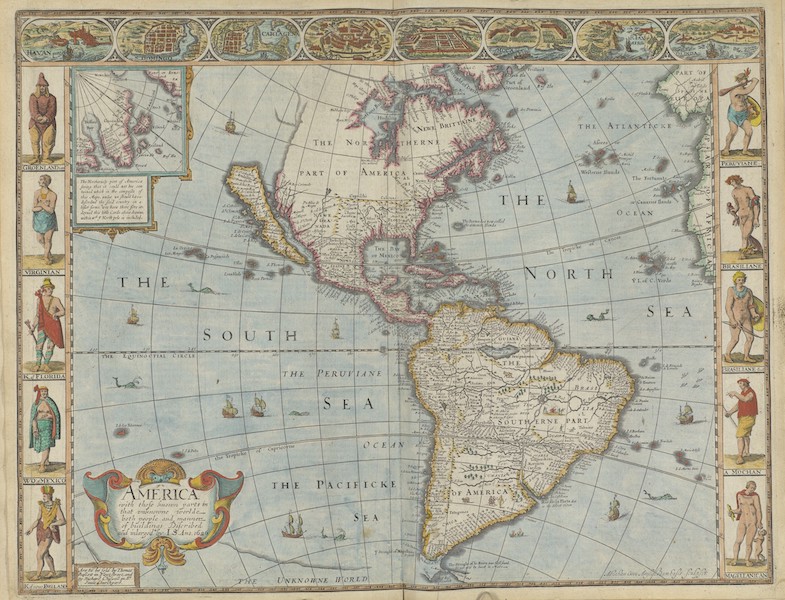 | America
|
 | America from the North-West End
|
 | America Porcupine
|
 | America Sive Novi Orbis Nova Descriptio
|
 | American Buffaloe
|
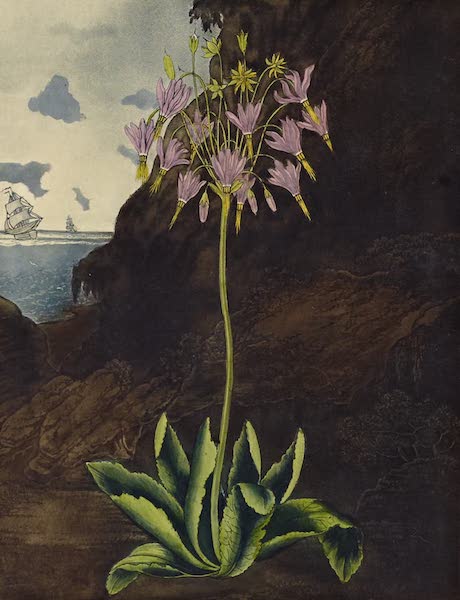 | American Cowslip
|
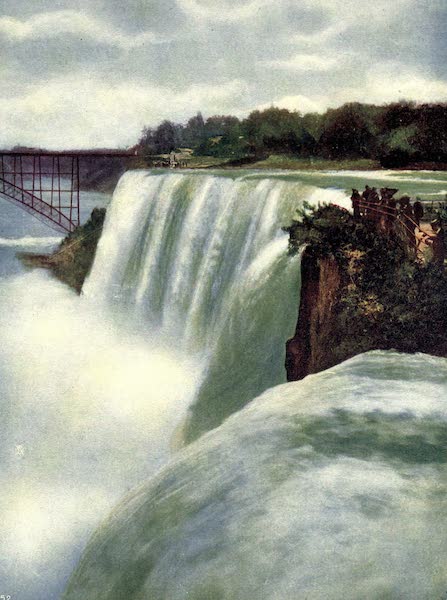 | American Fall from Goat Island
|
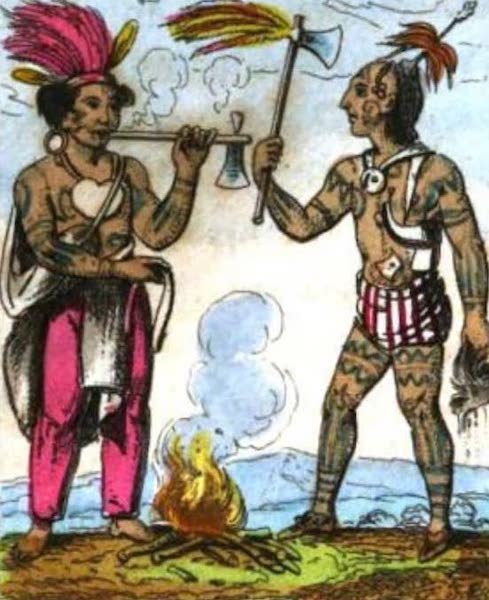 | American Indian Chiefs
|
 | American Indians
|
 | American Refugees in Flight from the War Zone
|
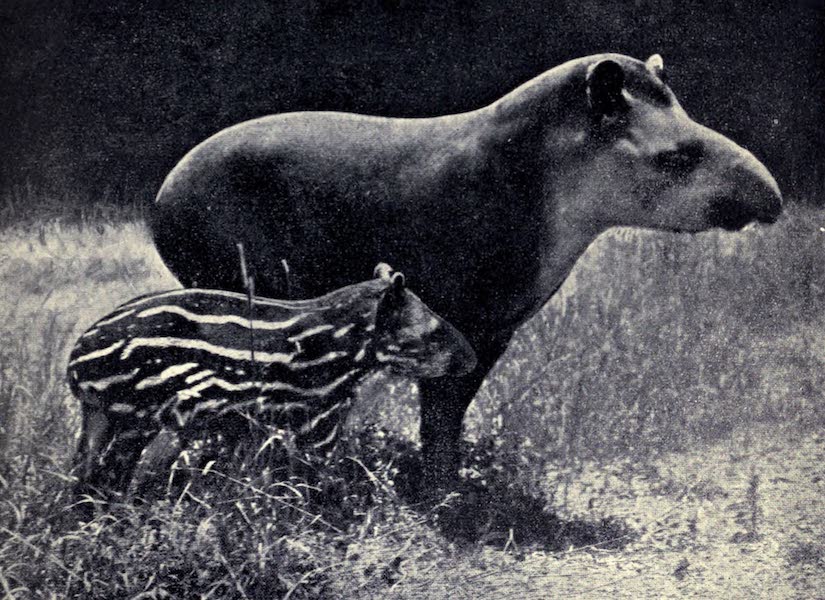 | American Tapir and Young
|
 | Amerique - Terre du Bresil
|
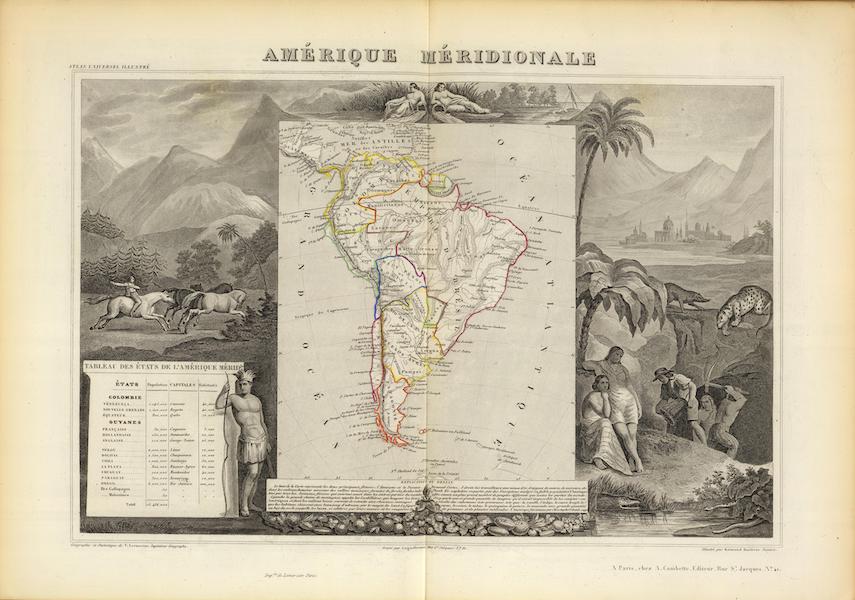 | Amerique Meridionale
|
 | Amerique Septentrionale
|
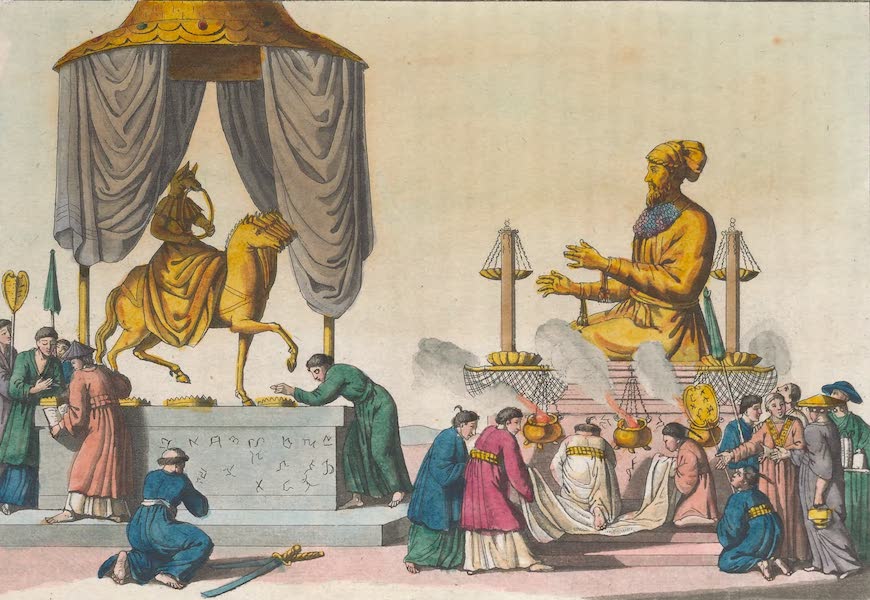 | Amida et Xaca
|
 | Amiens Cathedral
|
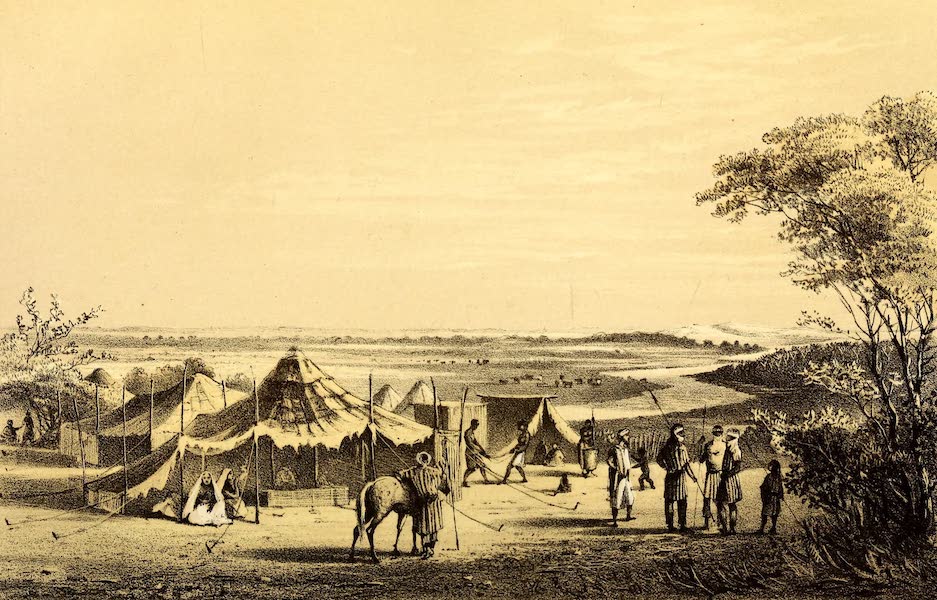 | Ammalelle
|
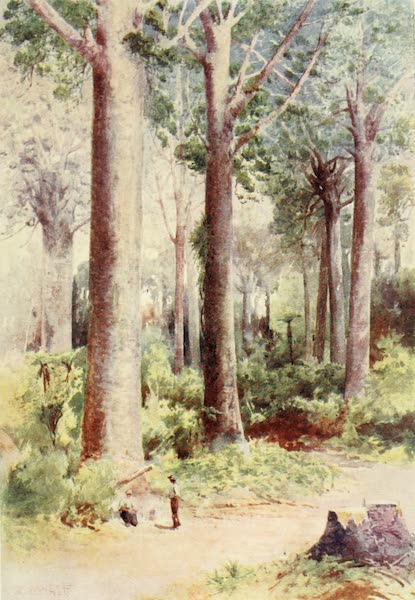 | Among the Kauri
|
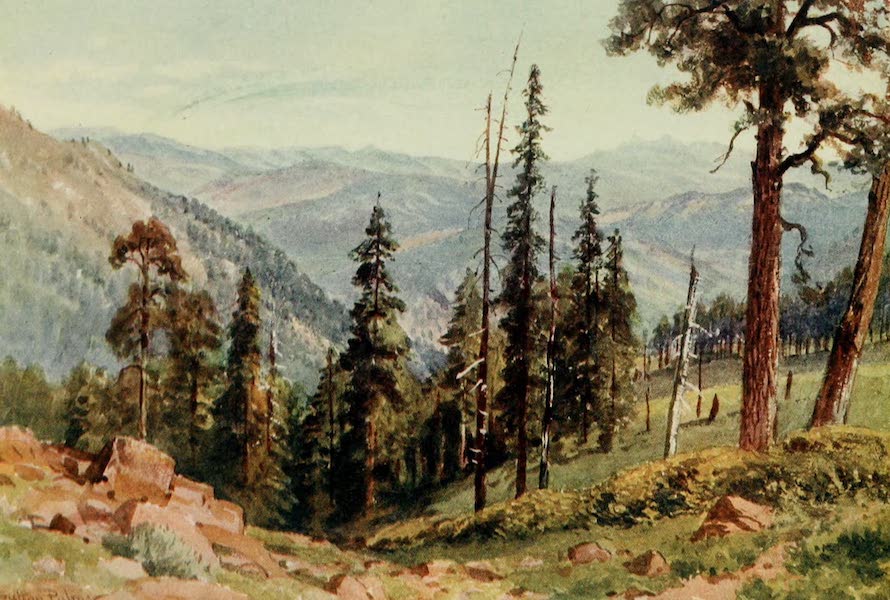 | Among the Redwoods of the Great Twin Valleys
|
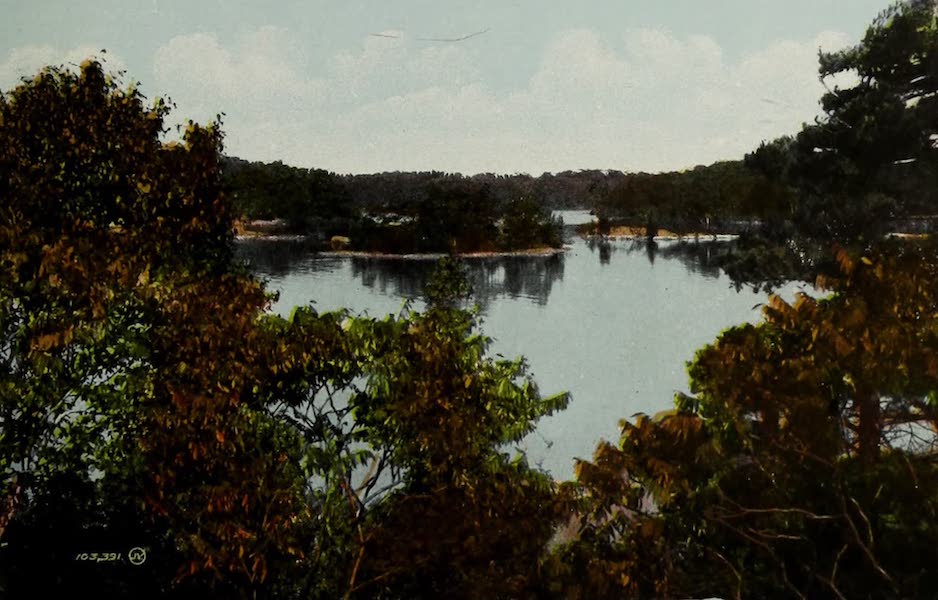 | Among the Thousand Islands, near Gananoque
|
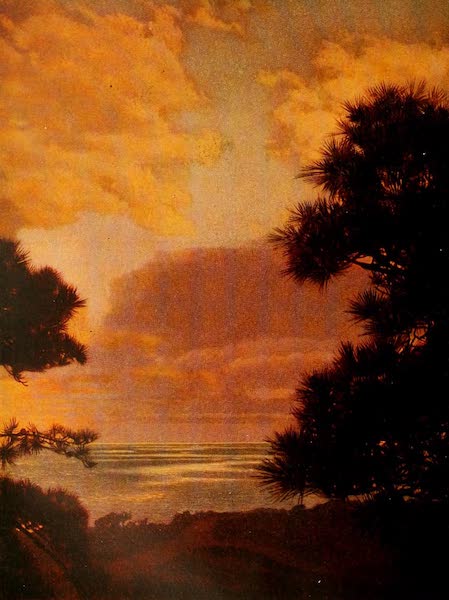 | Among the Torrey Pines
|
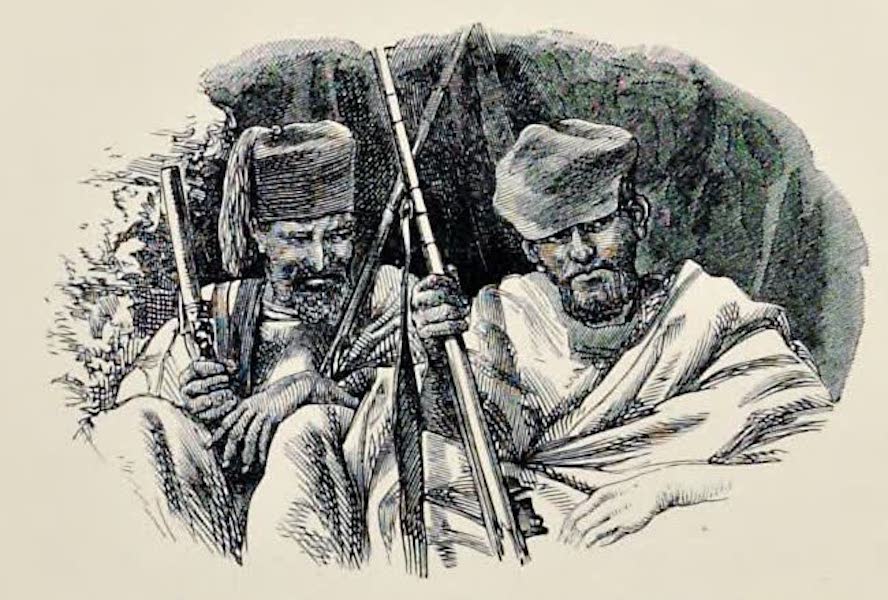 | Amor Bon Abdi Seyat and Sheik Bochlega
|
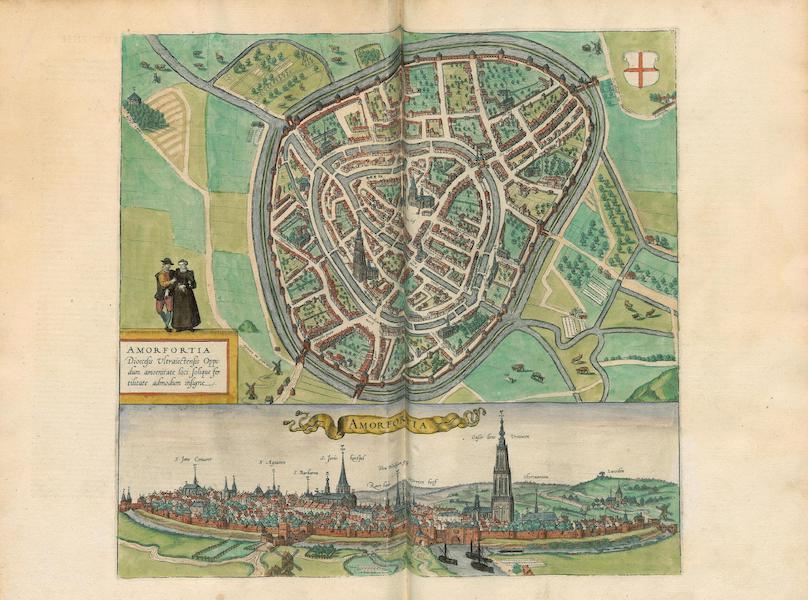 | Amorfortia
|
 | Amoy, from Ko-long-soo
|
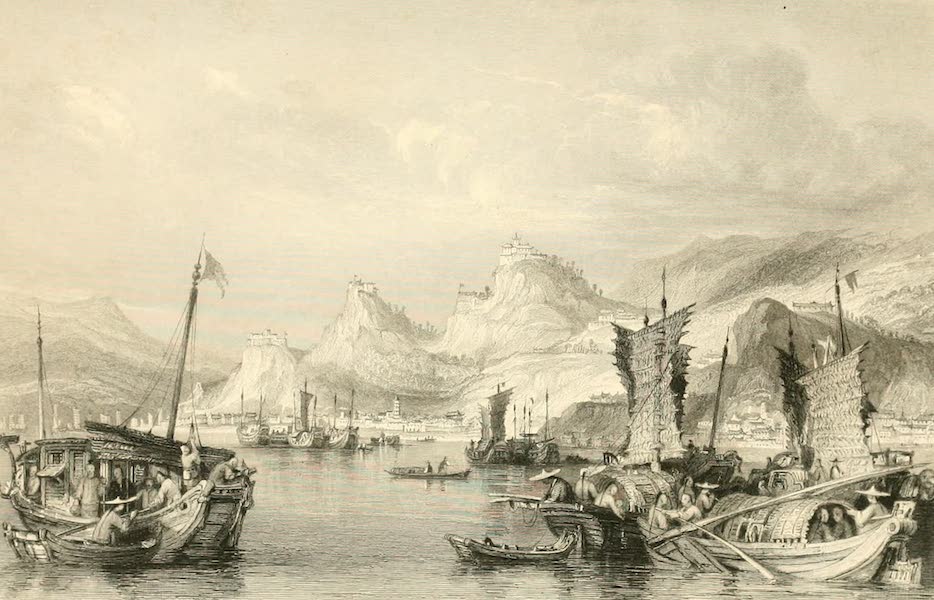 | Amoy, from the Outer Harbour
|
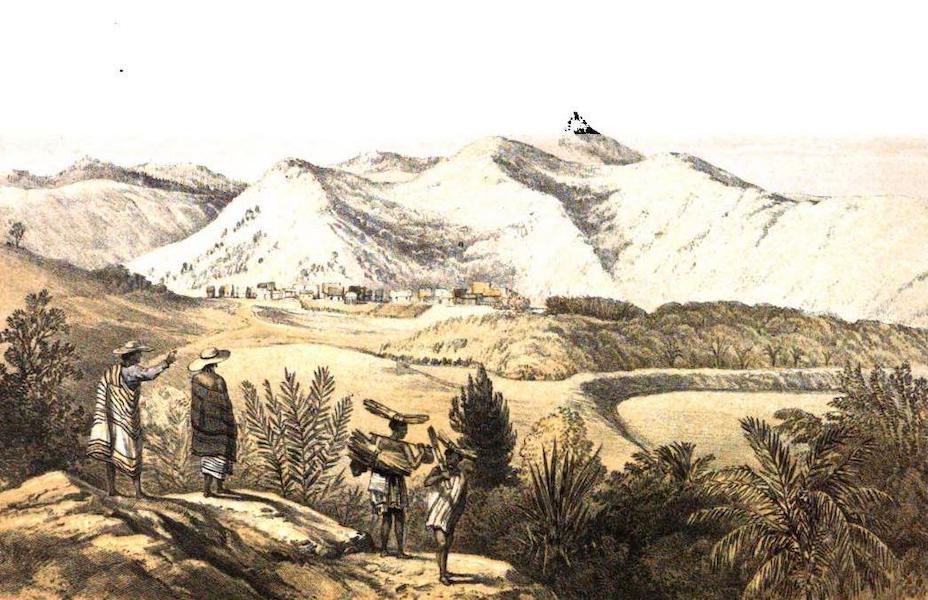 | Ampasimbe
|
 | Amphitheatre
|
 | Amstag
|
 | Amsteg in the Reussthal
|
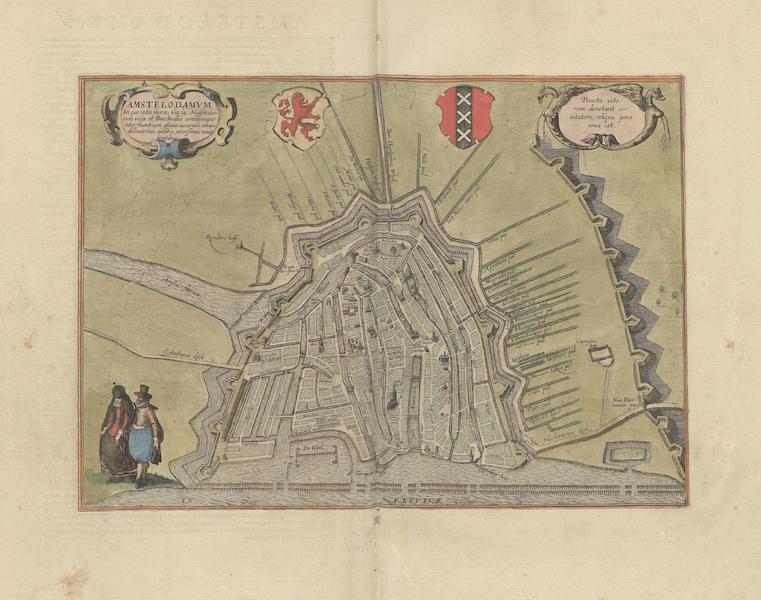 | Amstelodamvm
|
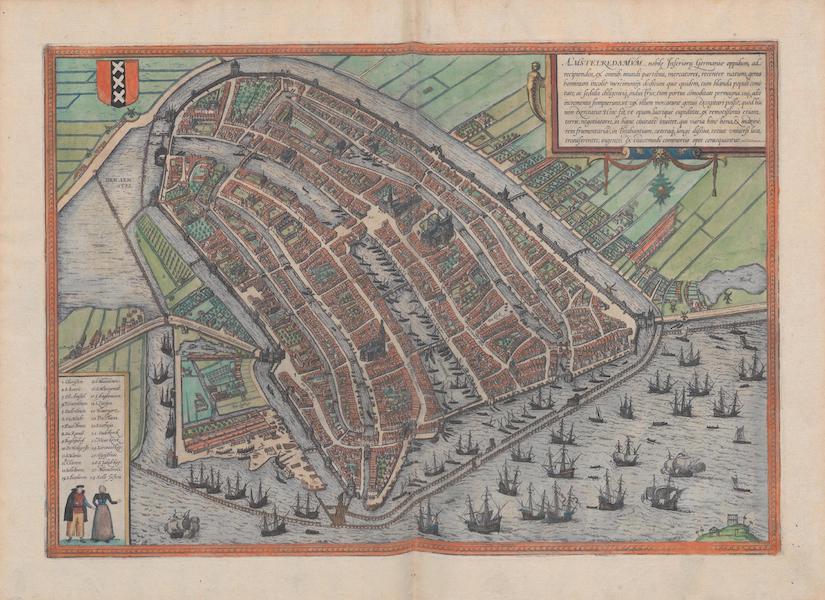 | Amstelredamvm
|
 | Amsterdam Aan De Tji Liwong
|
 | Amsterdam Aan Zee Gebracht
|
 | Amsterdam Eiland d. 25 Juli
|
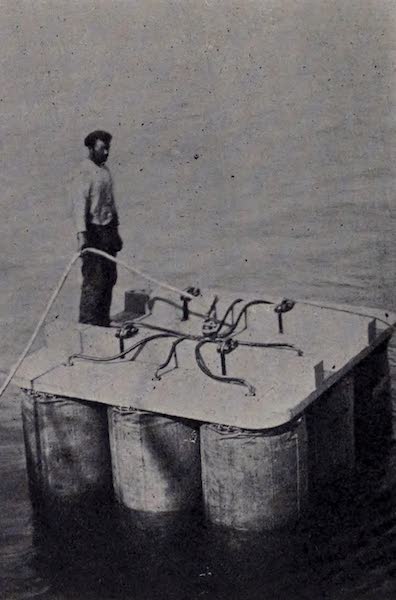 | An "elevator" with air bags inflated
|
 | An 18-inch Whitehead Torpedo
|
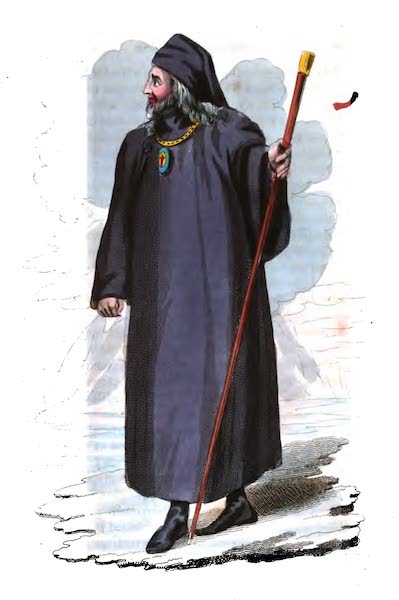 | An Abbot
|
 | An Abyssinian Slave Girl
|
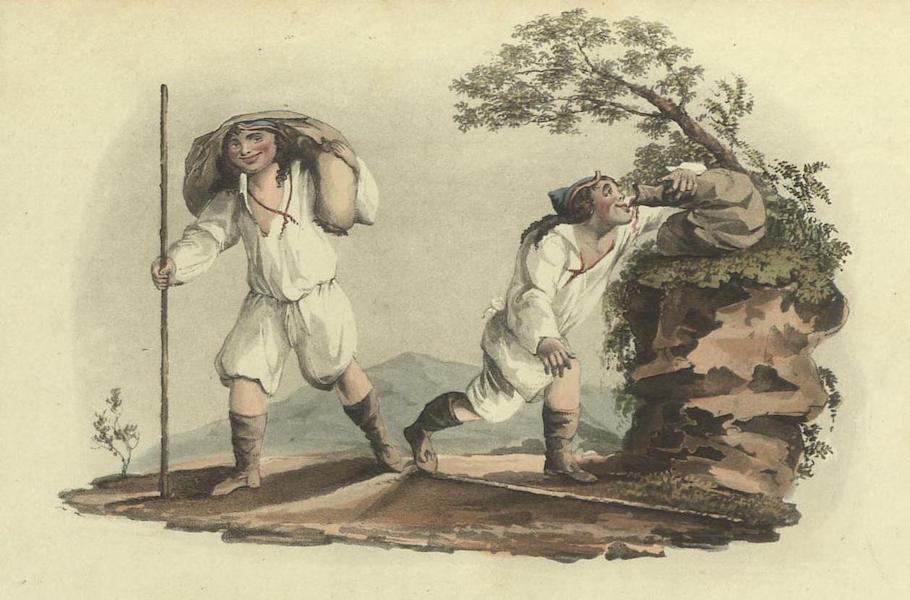 | An Accident Upon the Road
|
 | An Acre of Herring
|
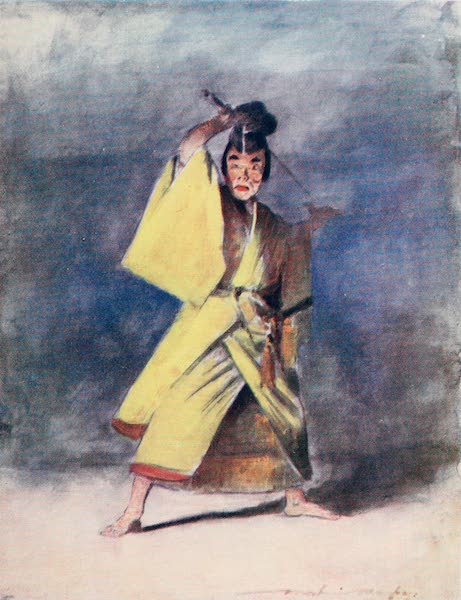 | An Actor
|
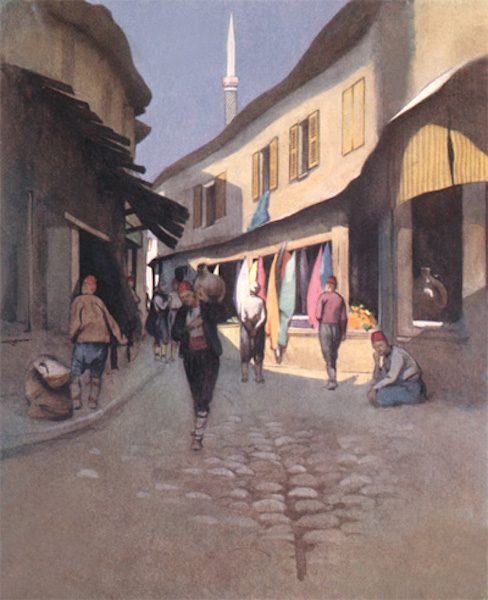 | An Adrianople Street
|
 | An African Woman
|
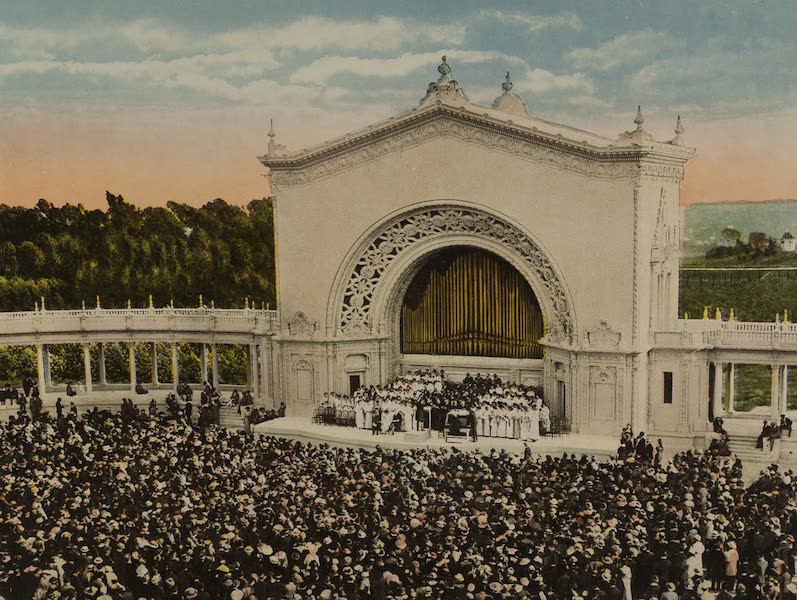 | An Afternoon Concert, Spreckel's Pipe Organ
|
 | An Afternoon in Spring
|
 | An Aged Havasupai Indian
|
 | An Akalis Fanatical Devotee
|
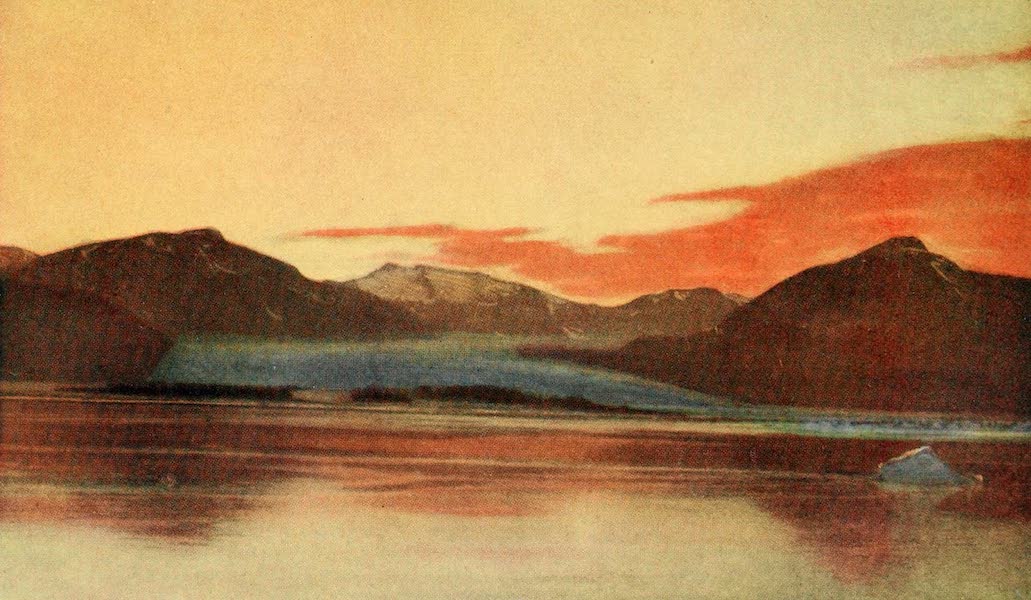 | An Alaskan Sunset
|
 | An Albanian
|
 | An Albanian
|
 | An Albuquerque Residential Street
|
 | An Alcove
|
 | An Aleutian
|
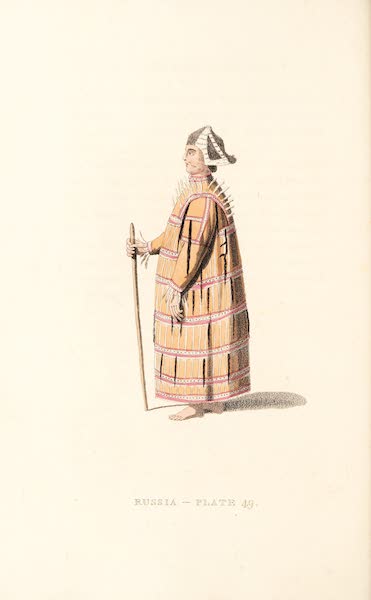 | An Aleutian
|
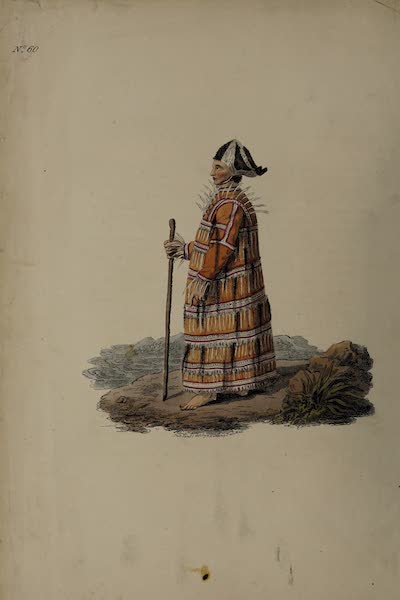 | An Aleutian in his Winter Dress
|
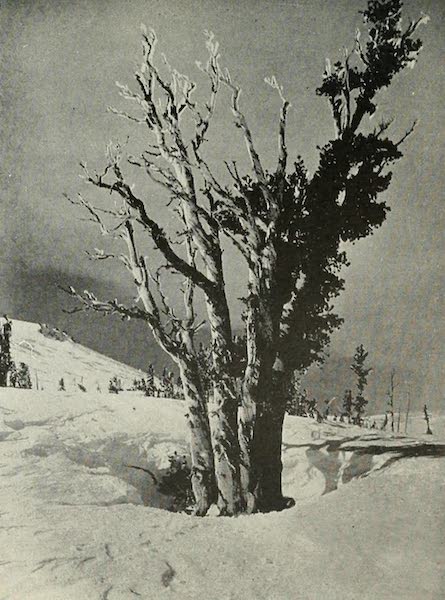 | An Alpine White Pine, defying the storms, on the north slope of Mt. Rose, 9,500 Ft.
|
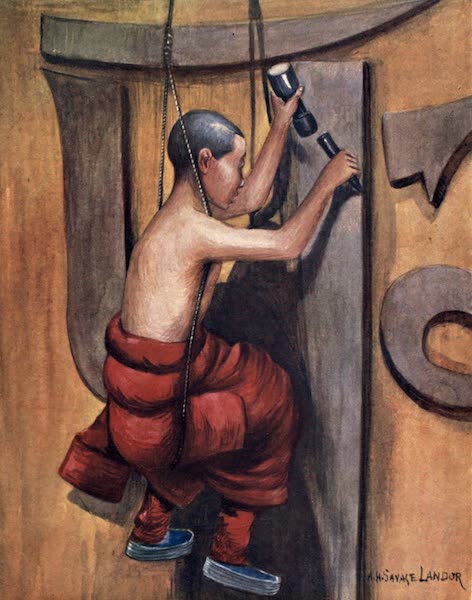 | An Ambidexter Lama Sculptor carving an Inscription on the Face of a Rock
|
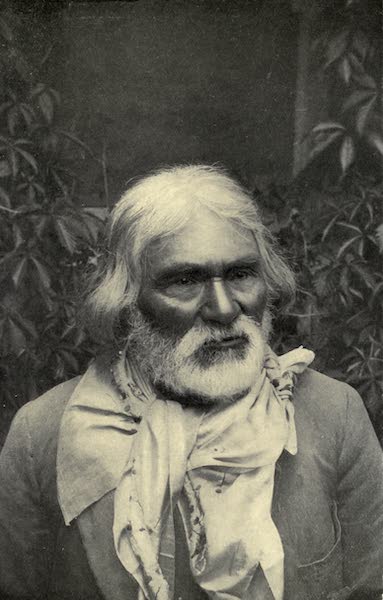 | An Amerindian Type of British Columbia
|
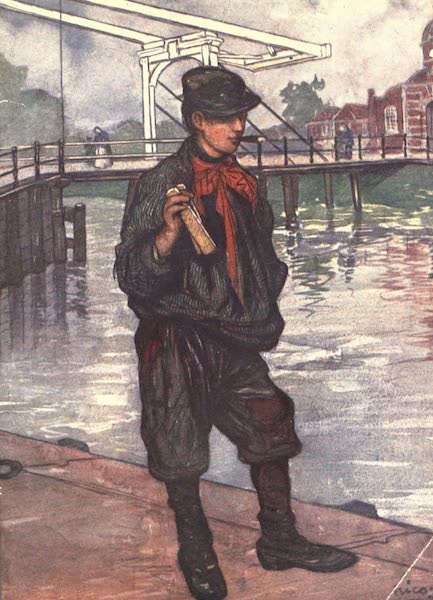 | An Amsterdam Street - Boy with Clappers
|
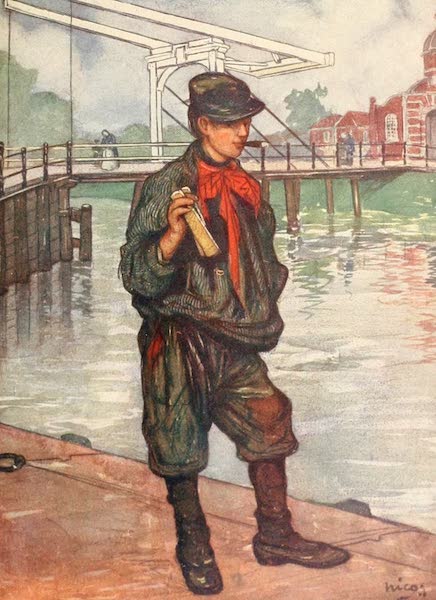 | An Amsterdam Street Boy with Clappi
|
 | An Ancestress of Weyanoke
|
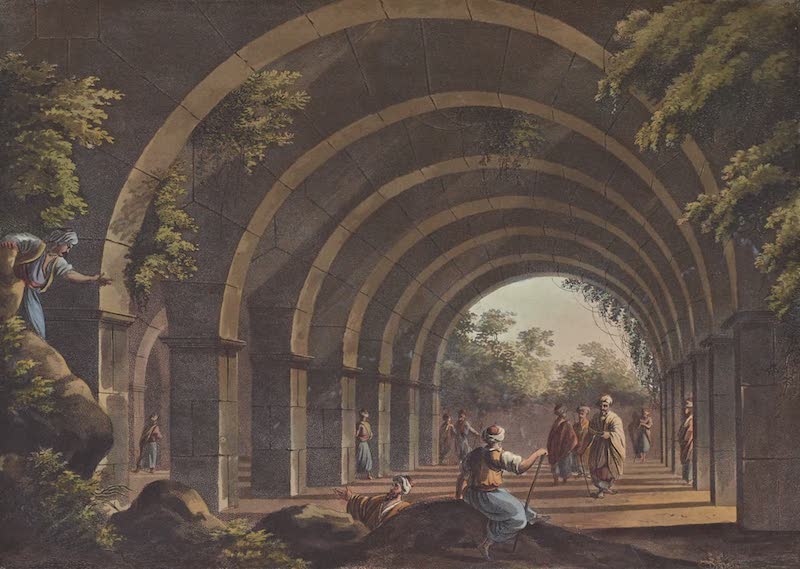 | An ancient Bath at Cacamo in Caramania
|
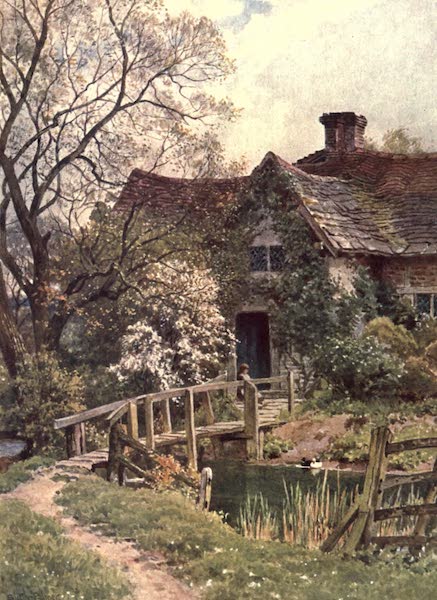 | An Ancient Cottage near Ockley
|
 | An Ancient Egyptian Temple on Gebel Garabe
|
 | An Ancient Gate of the Ruined City near Mesaloggion
|
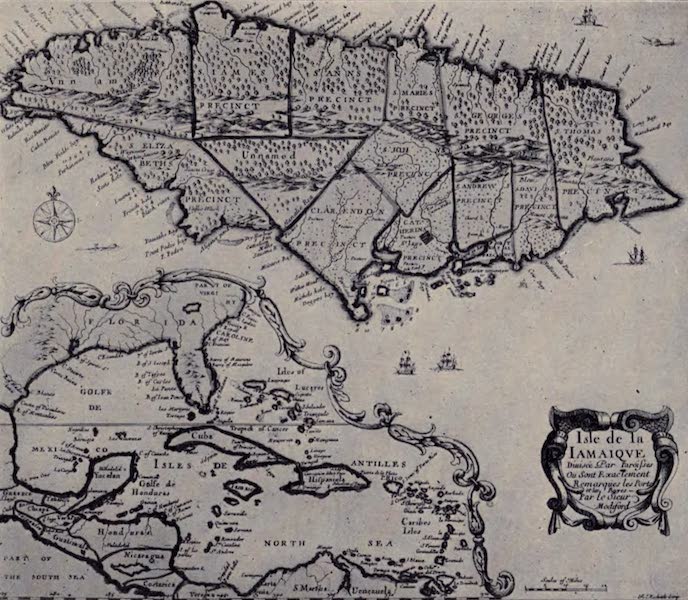 | An ancient map of Jamaica showing the haunts of the pirates and the track of the treasure galleons
|
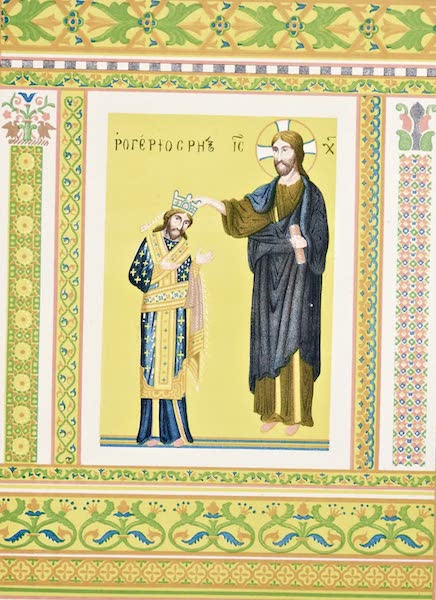 | An Ancient Mosaic in the Church of La Martorana, At Palermo.
|
 | An Ancient Obelisk at Matarea, formerly Heliopolis
|
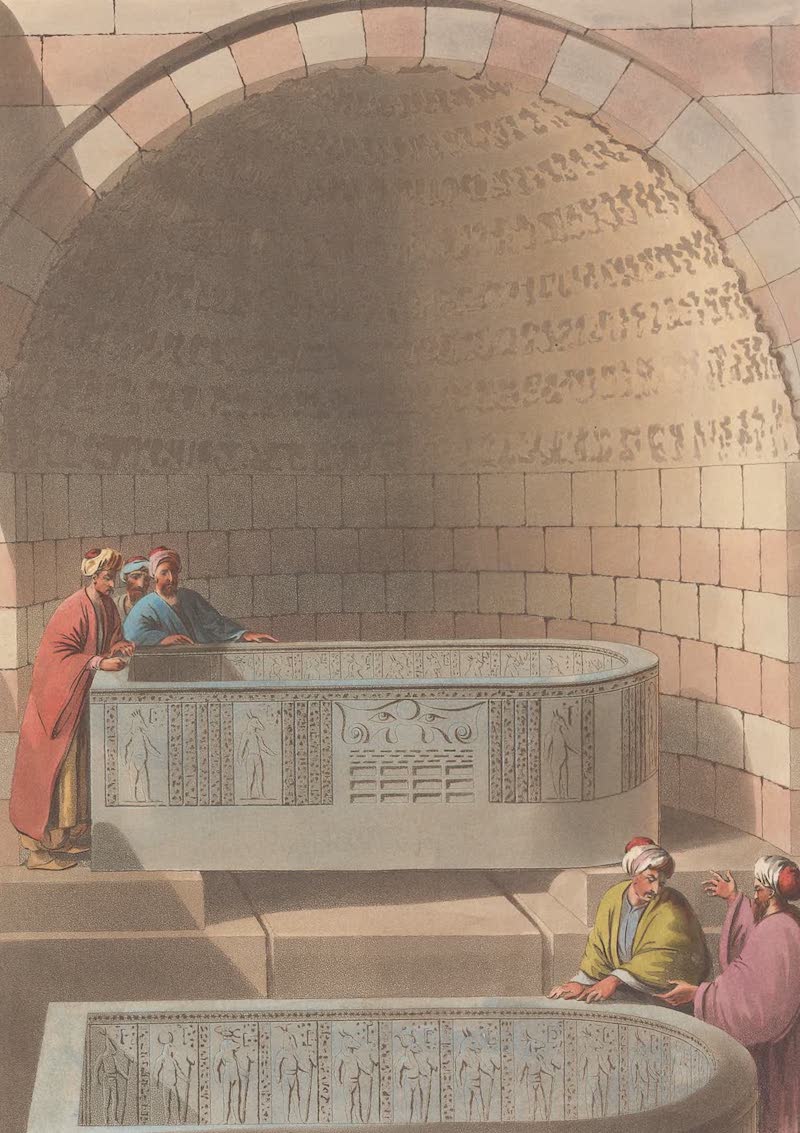 | An Ancient Sarcophagus of Basaltes, called The Lovers Fountain
|
 | An ancient Theatre at Cacamo
|
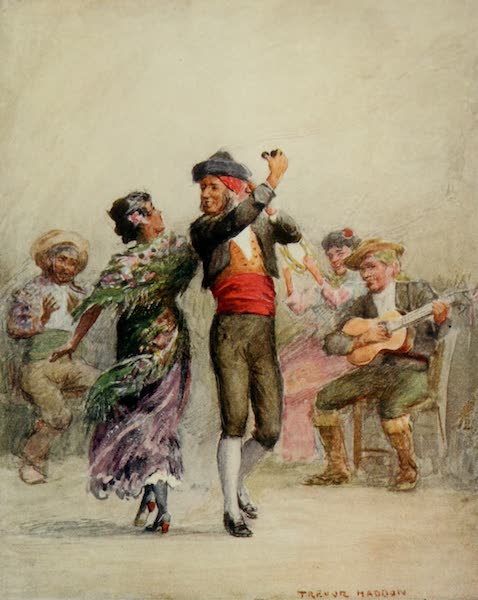 | An Andalusian Dance
|
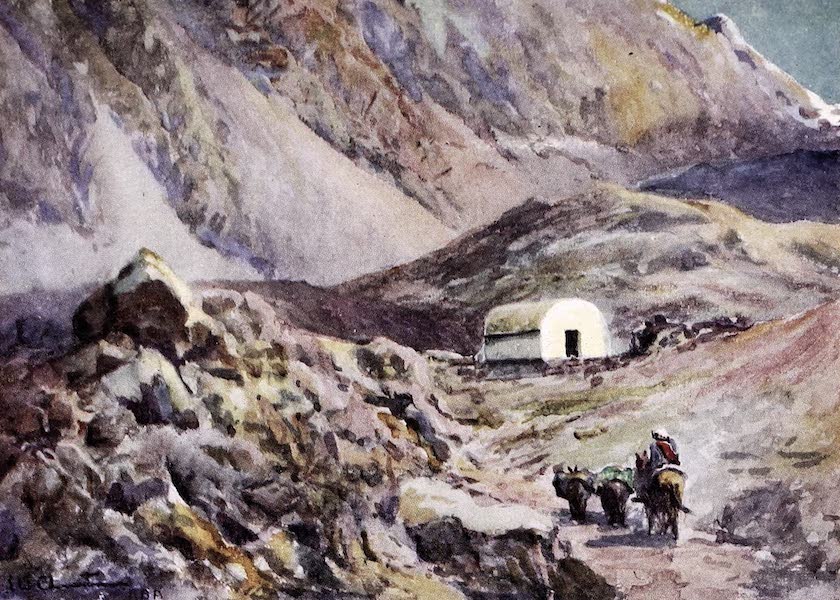 | An Andine Cutting
|
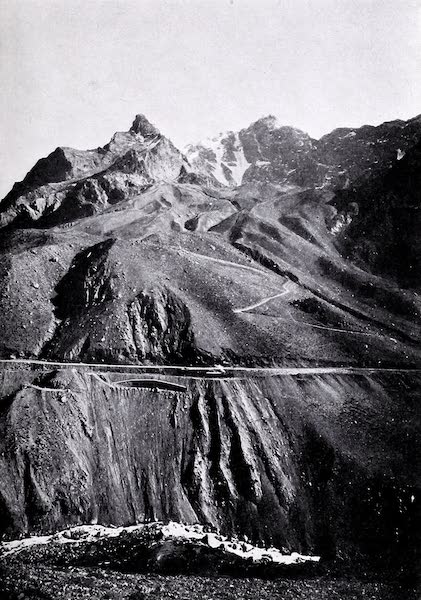 | An Andine Cutting
|
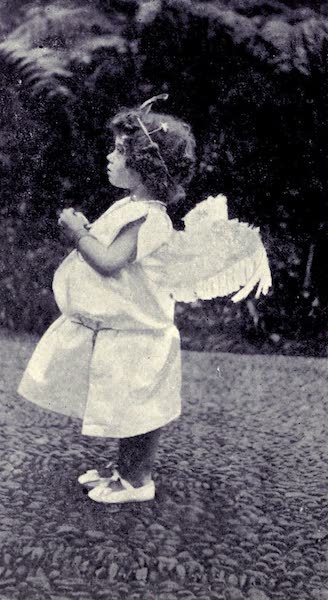 | An Angel ready for the March
|
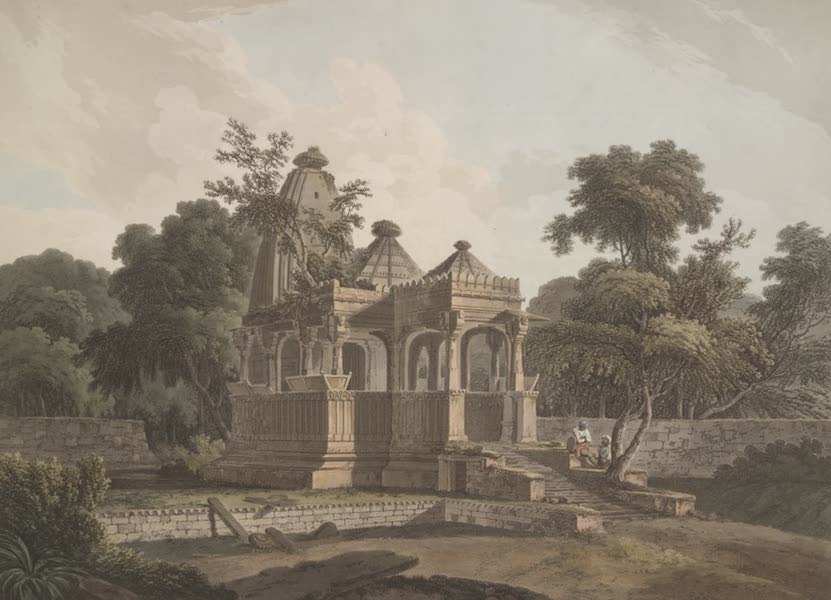 | An Antient Hindoo Temple, in the Fort of Rotas, Bahar
Plate 11 from the first set of Thomas Daniell's 'Oriental Scenery.' The Daniells were very taken with this small mediaeval temple of traditional north Indian form, which they found within the great hill fortress of Rohtasgarh. The artist noted that, 'The Hindoos, who formerly preferred elevated places for their temples, could not, it would seem, resist the temptation of building in this place, the situation being delightful, and water and wood, with every other convenience abundant.' Its porch lin 1800 served Thomas Daniell as a model for his design for a monument to Warren Hastings in Melchet Park in Wiltshire. |
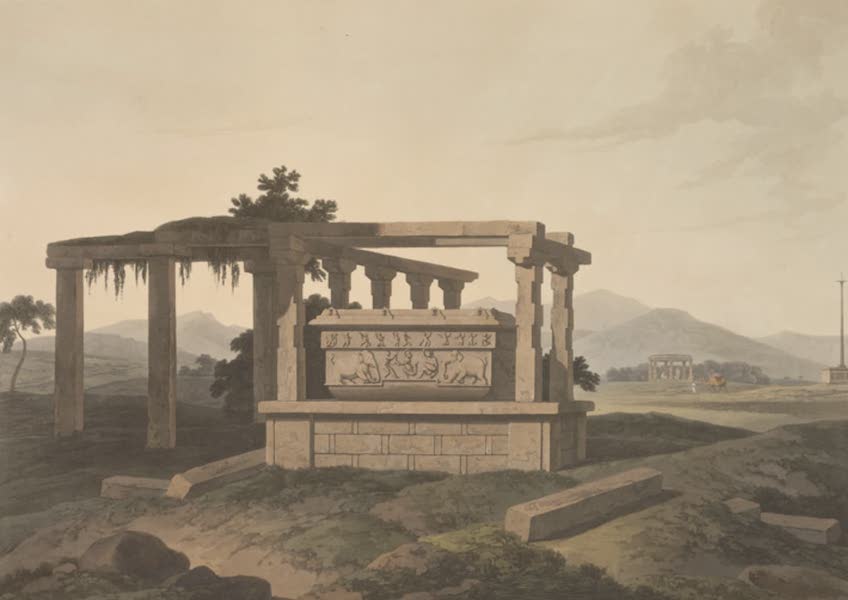 | An antique reservoir near Colar, in the Mysore
Plate 14 from the fifth set of Thomas and William Daniell's 'Oriental Scenery' called 'Antiquities of India.' The Daniells wrote, 'This stone cistern, which is very singular in its form, and in its style of decoration, was evidently intended for the purpose of containing water.' Attached once to a now vanished temple, it is carved with Vijayanagar-style reliefs of dancers and elephants. |
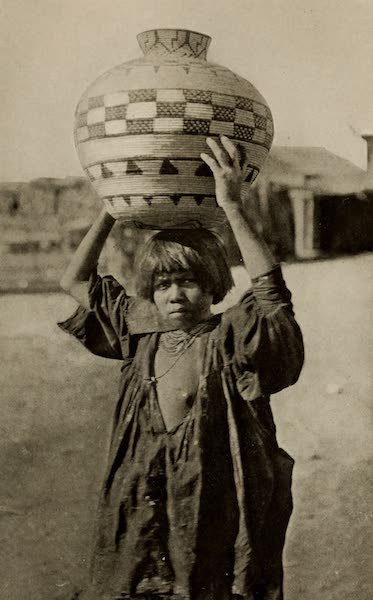 | An Apache Maiden Water-Carrier at Palomas, Arizona
|
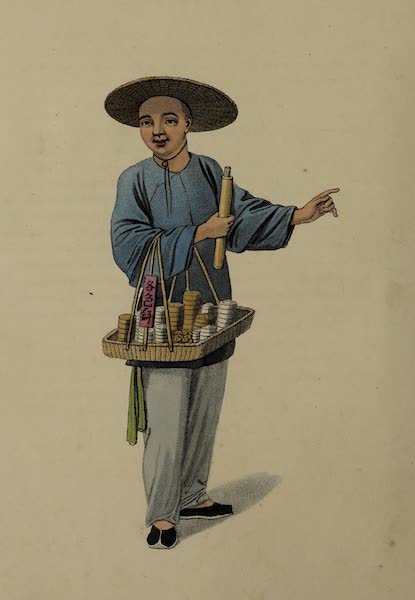 | An Apothecary
|
 | An Arab Bagpiper and Soldier (with women carrying water in the distance)
|
 | An Arab Cafe, Cairo
|
 | An Arab Cafe, Cairo
|
 | An Arab Doorway
|
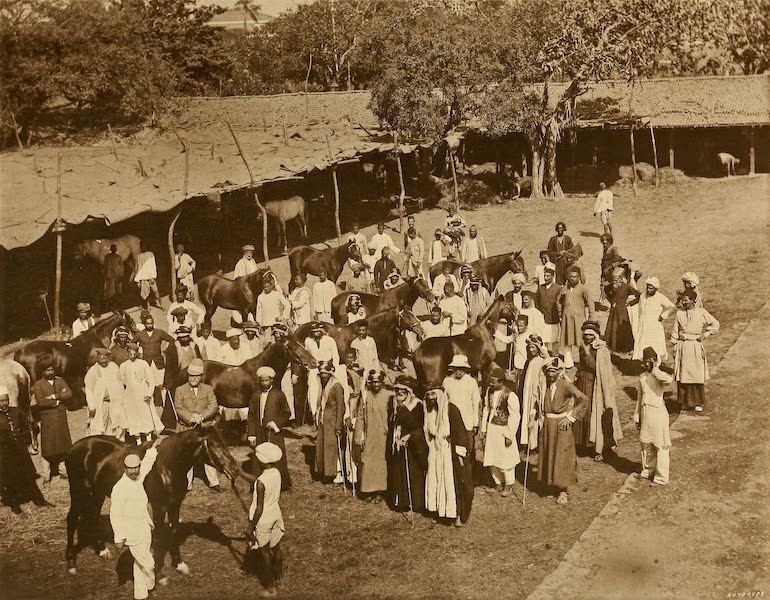 | An Arab Horse Mart at Byculla, Bombay
|
 | An Arab School
|
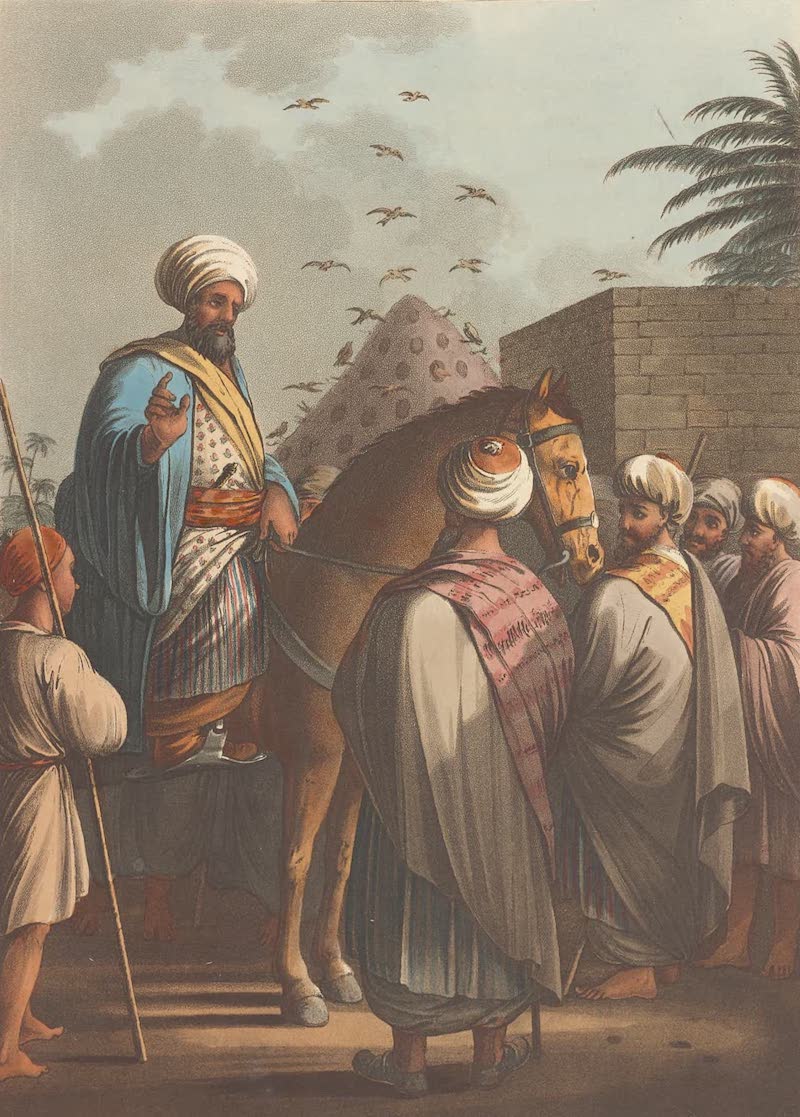 | An Arab Sheik of a village in Egypt
|
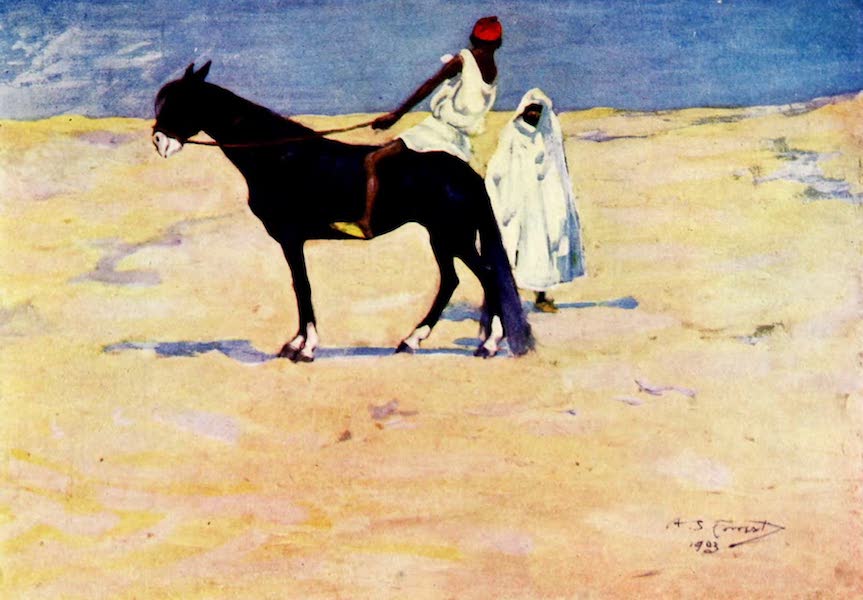 | An Arab Steed
|
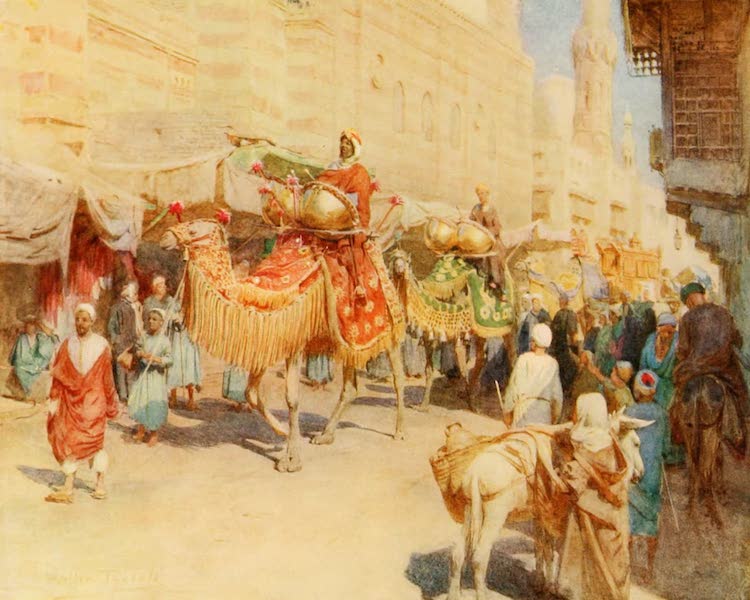 | An Arab Wedding Procession
|
 | An Arabian Child Dressed in his Holiday Suit
|
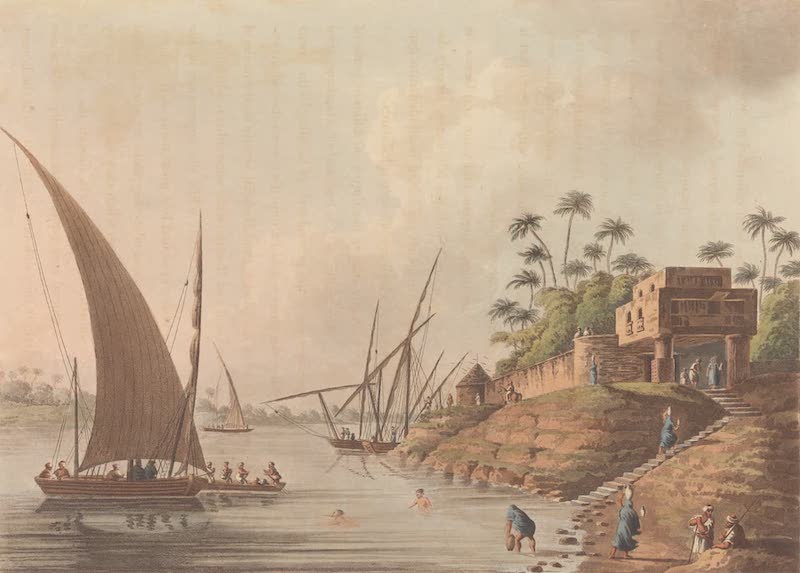 | An Arabian Summer House upon antique fragments on the Canal of Menouf
|
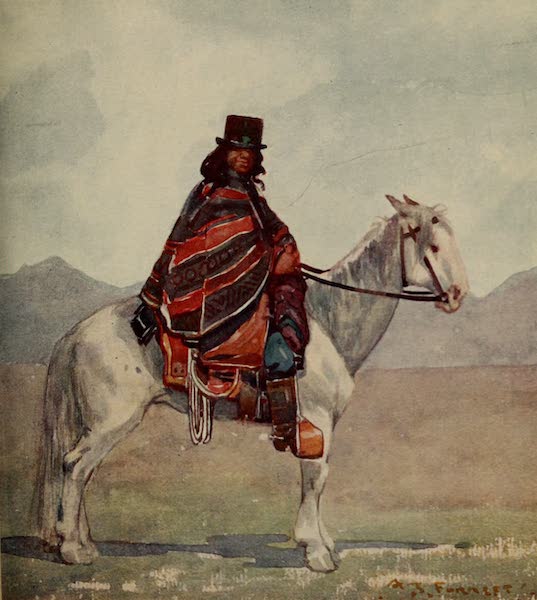 | An Araucanian Indian
|
 | An Arcade in the Generalife, Granada
|
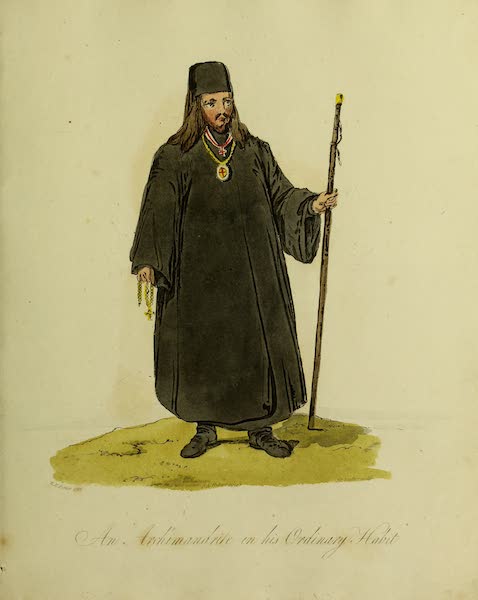 | An Archimandrite in his Ordinary Habit
|
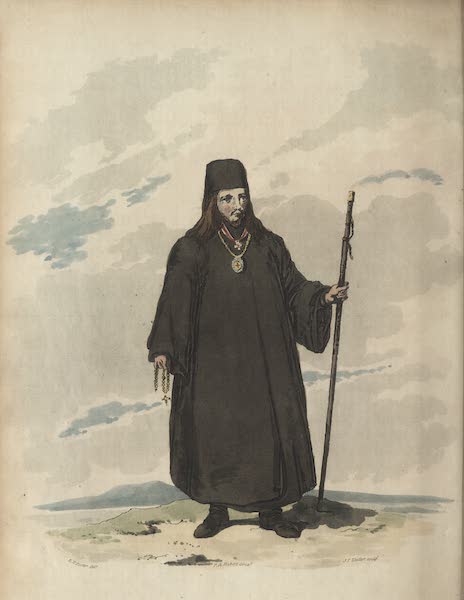 | An Archimandrite in His Ordinary Habit
|
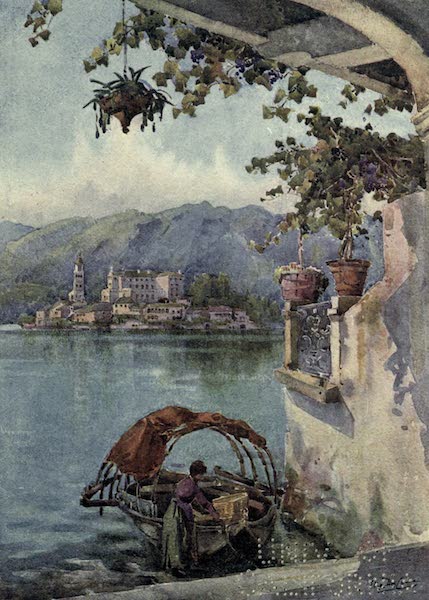 | An Archway at Orta
|
 | An Armed Retainer of the Bombay Chiefs
|
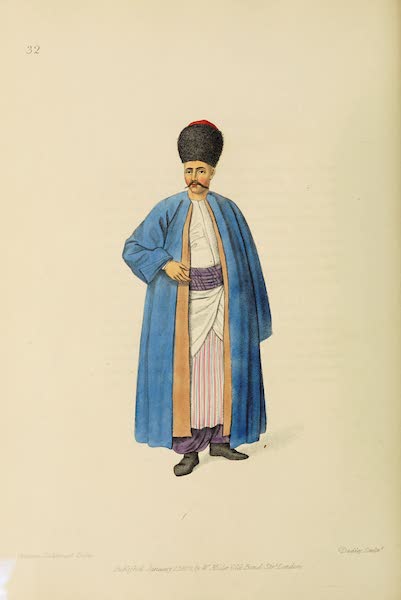 | An Armenian
|
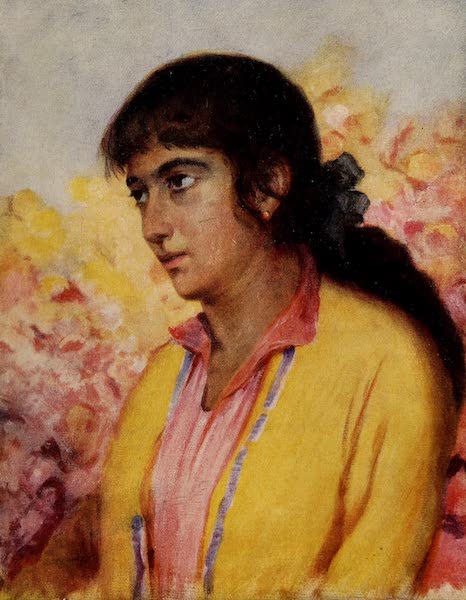 | An Armenian Girl
|
 | An Arrow-maker
|
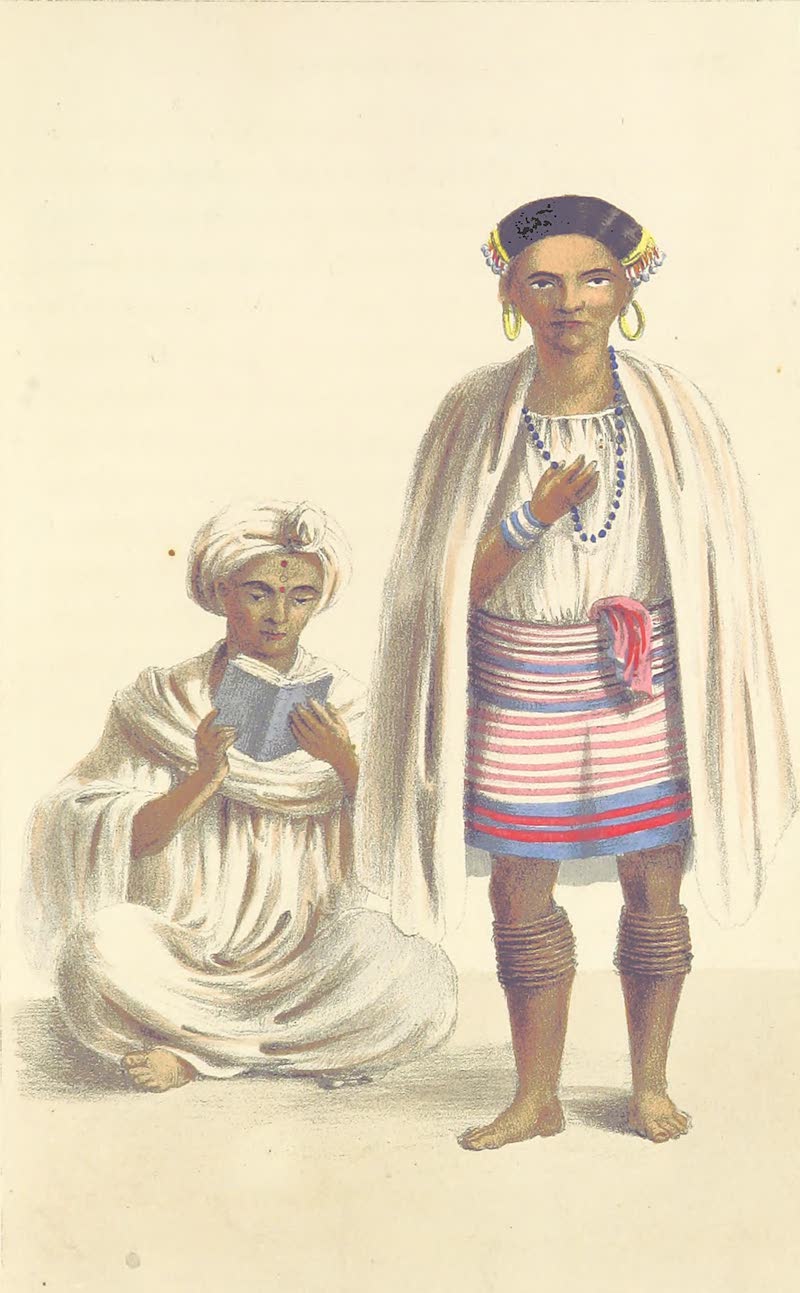 | An Assamese Gentleman and A Meree Woman
|
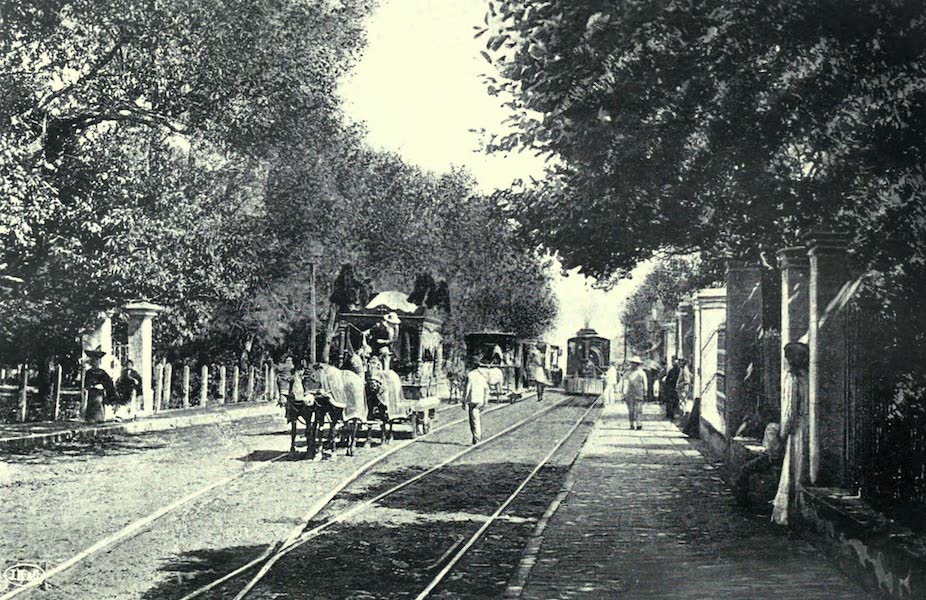 | An Asuncion Tramway Funeral
|
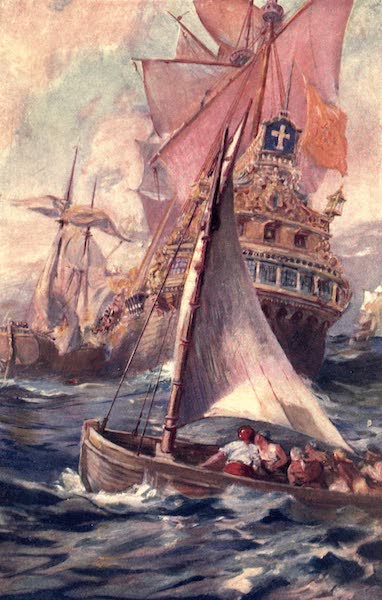 | An Attack on a Spanish Galleon
|
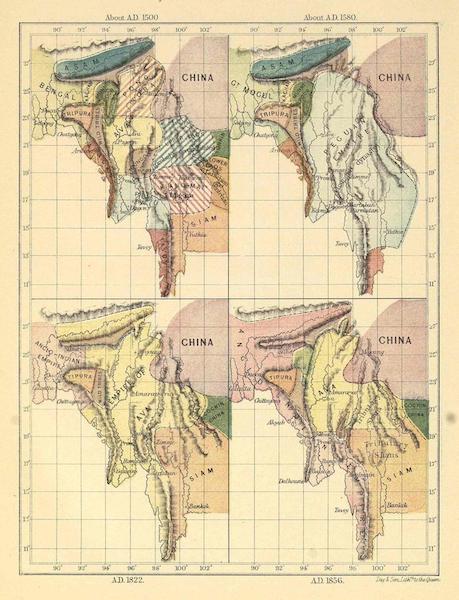 | An Attempt to Represent the Historical Geography of the Burmese Countries at Several Epochs
|
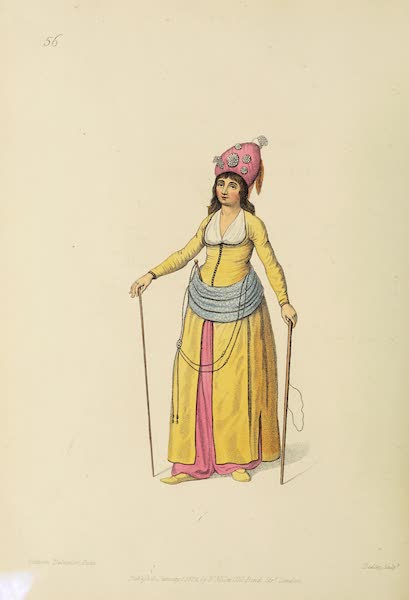 | An Attendant of the Harem of the Grand Signior
|
 | An Auld Licht
|
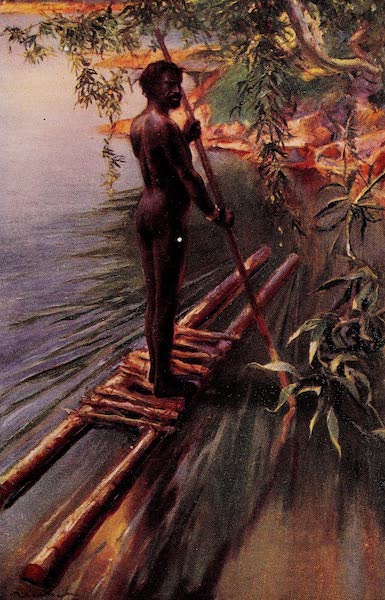 | An Australian Aborigine Navigating a Raft
|
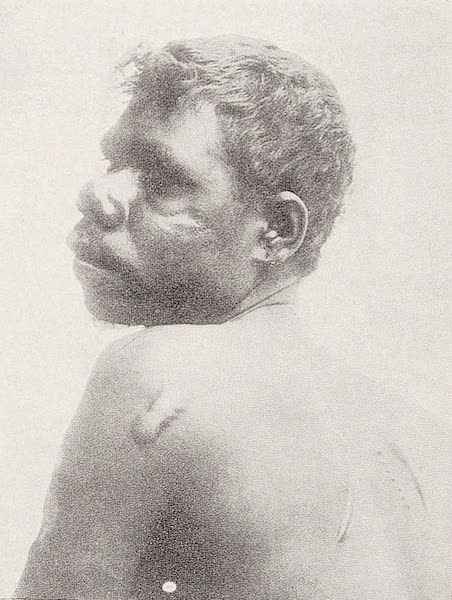 | An Australoid Type from Northern Queensland
|
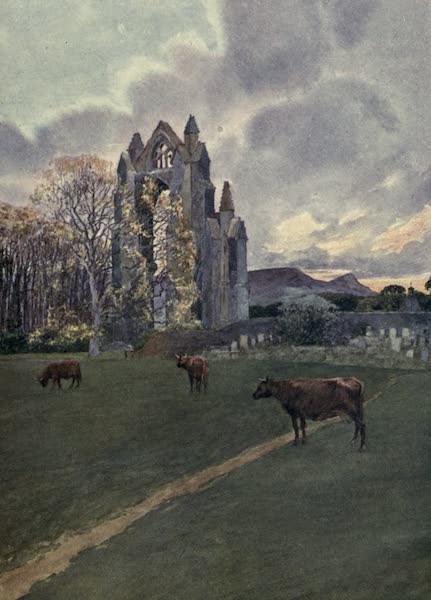 | An Autumn Day at Guisborough
|
 | An Autumn Day at Guisborough
|
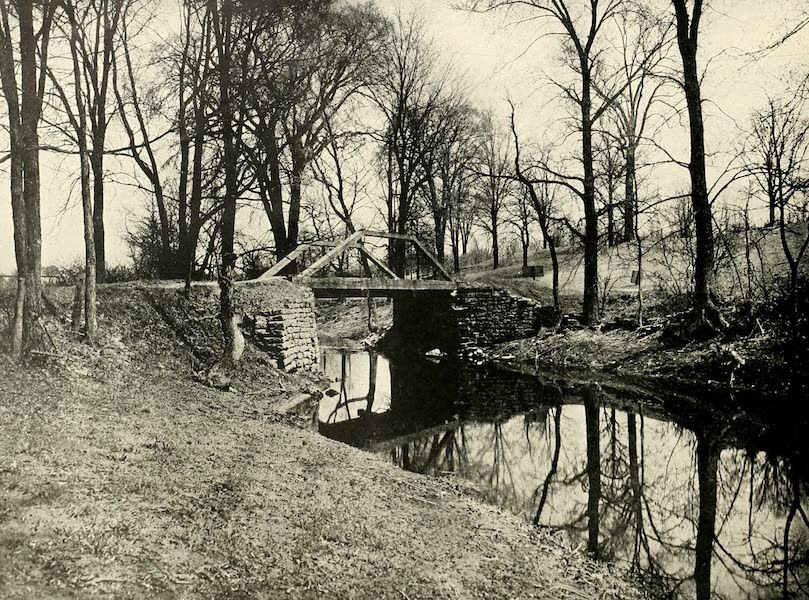 | An Autumn Day in Genesee Valley Park
|
 | An Autumn Scene on the Esk
|
 | An Autumn Scene on the Esk
|
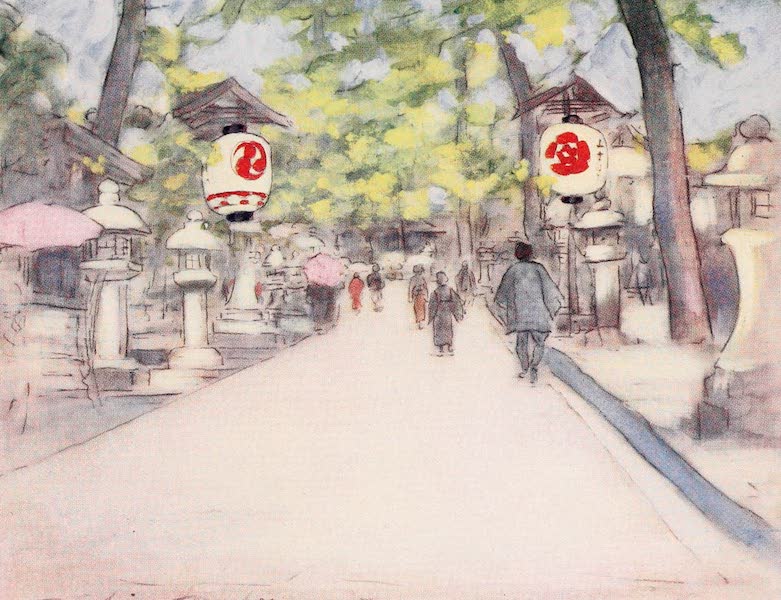 | An Avenue of Lanterns
|
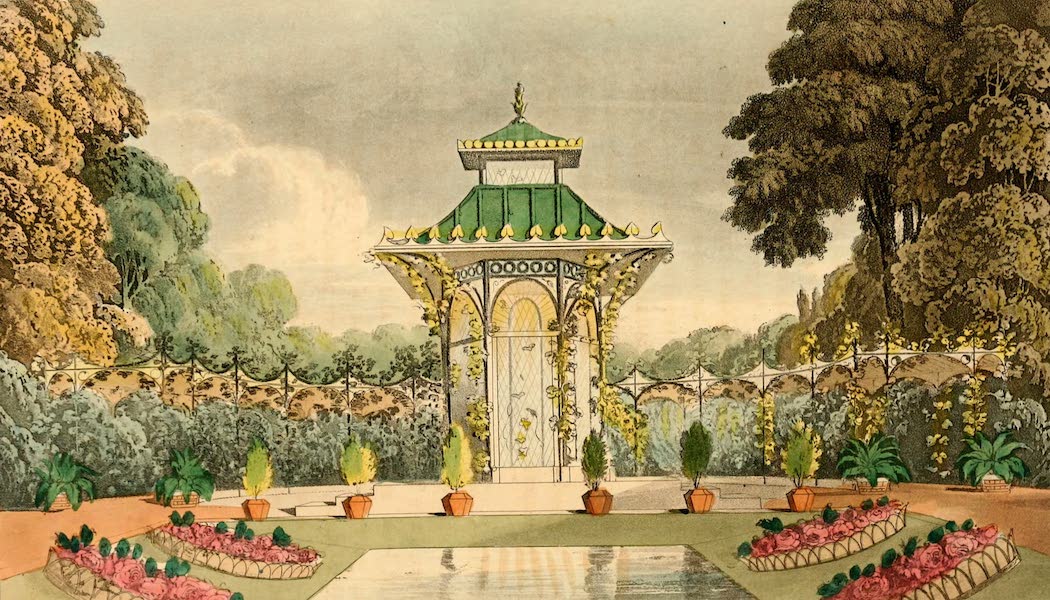 | An Aviary
|
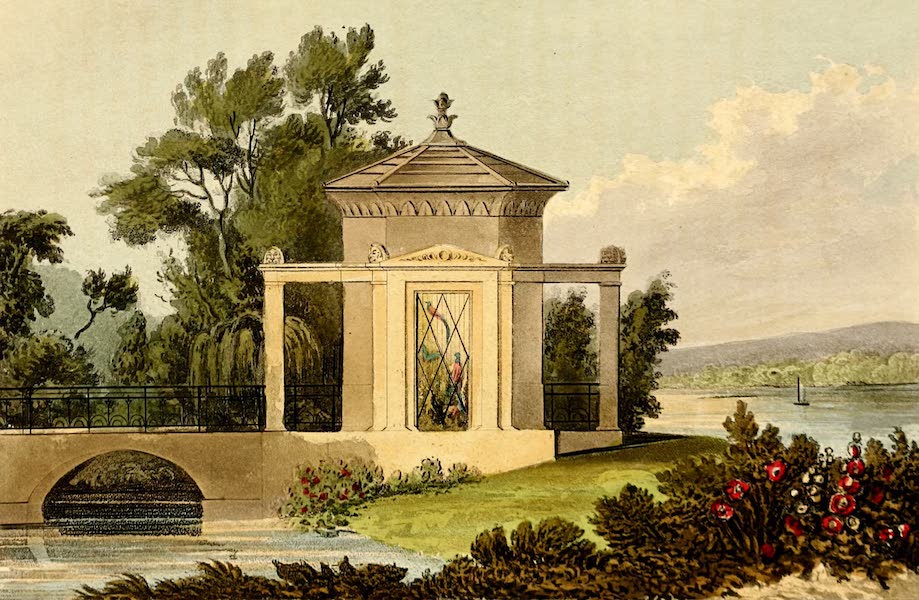 | An Aviary
|
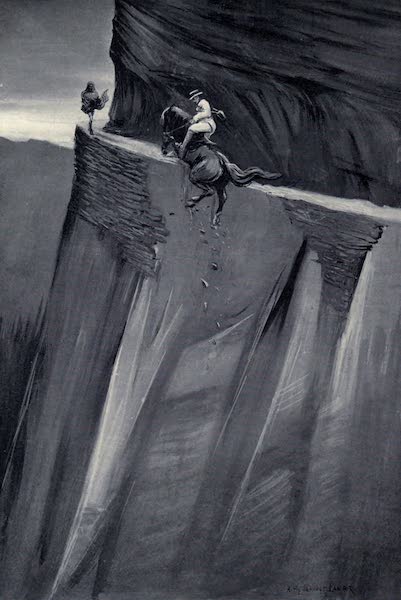 | An Awkward Moment
|
 | An der Kuste von Carupano
|
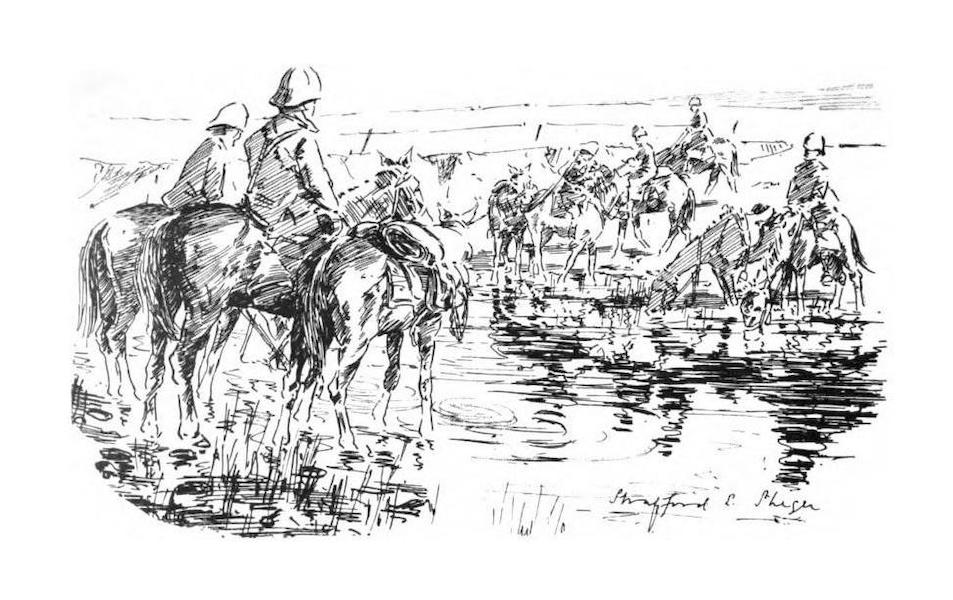 | An Early Drink
|
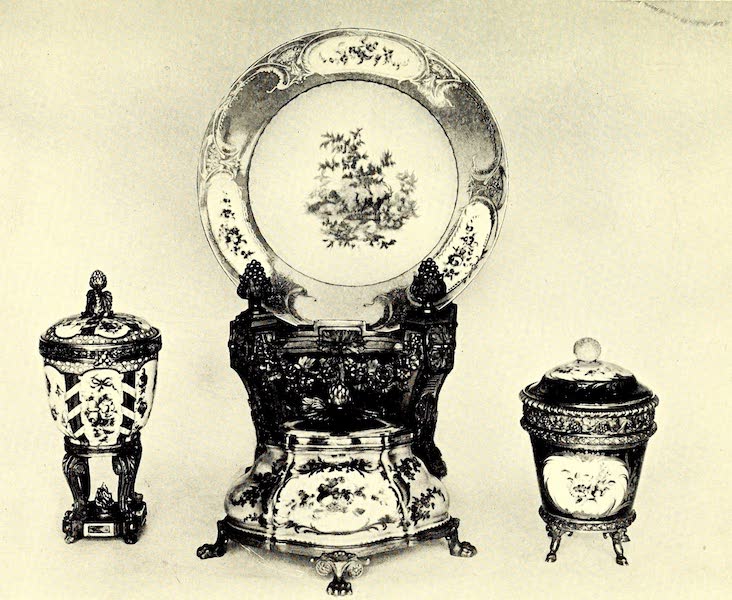 | An Early Inkstand, Two Vases, and a Plate
|
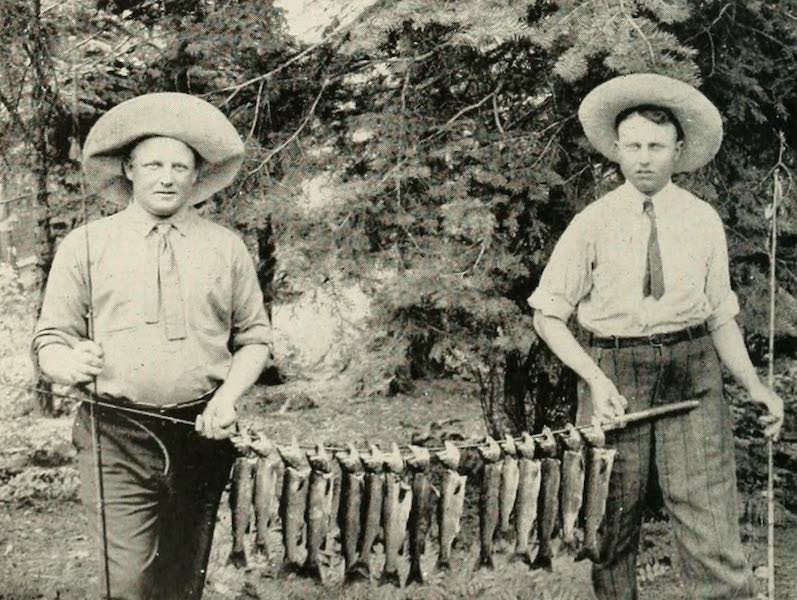 | An Early Morning Catch, Tahoe Trout, Lake Tahoe
|
 | An Early Type of Frigate, H.M.S. June. 1750
|
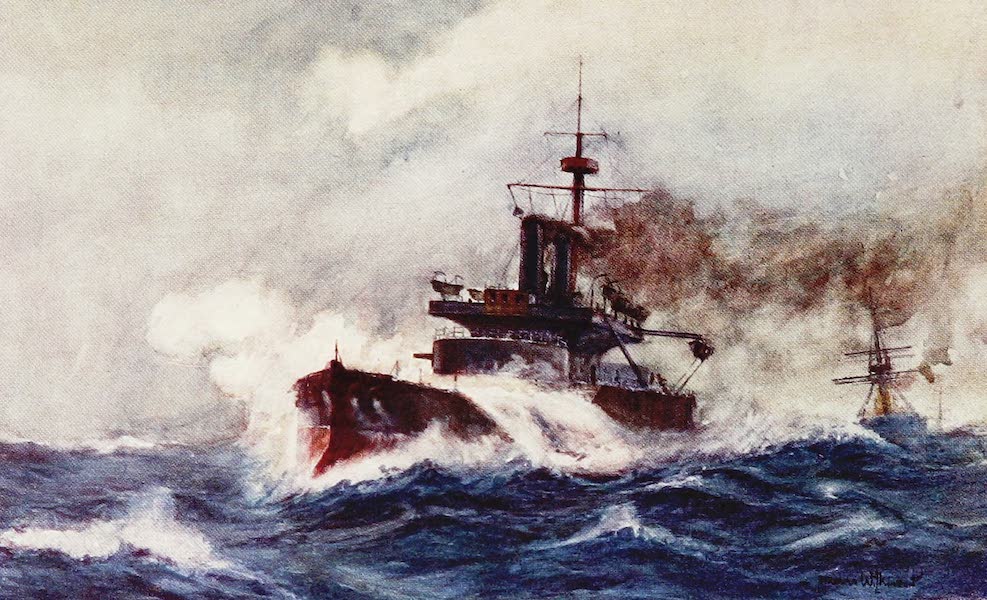 | An Early Type of Seagoing Turret Ship, H.M.S Thunderer. 1877
|
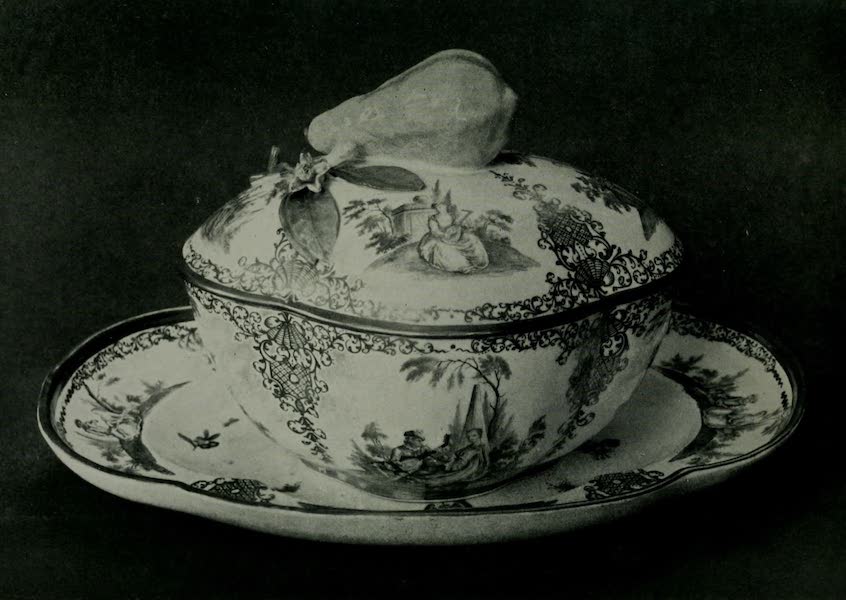 | An Ecuelle a la Watteau
|
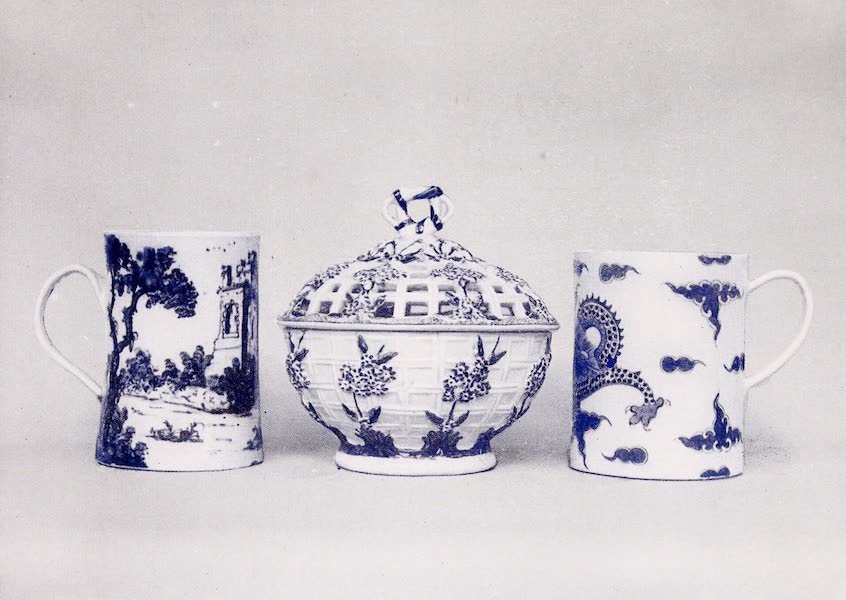 | An Ecuelle and Two Mugs
|
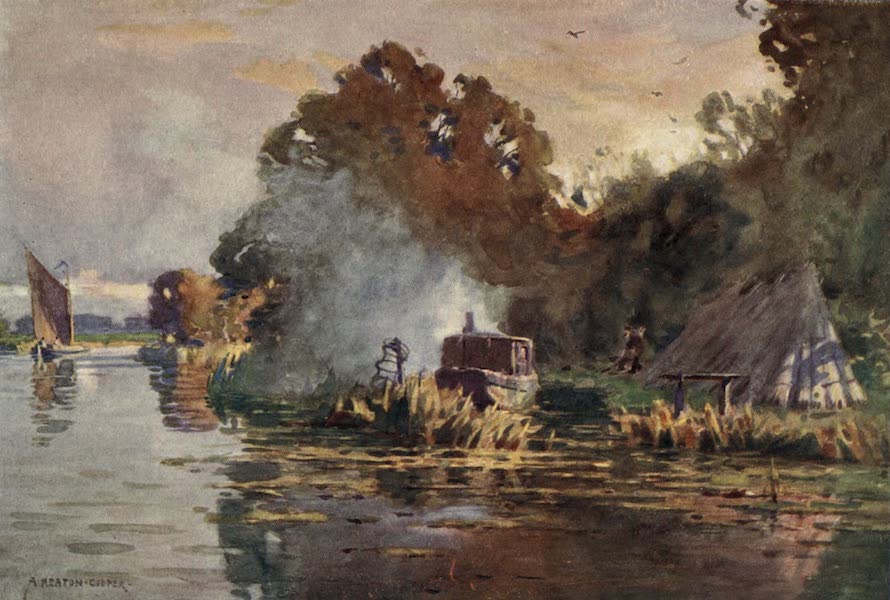 | An Eel-fisher on the Bure, Norfolk
|
 | An Egyptian Arab
|
 | An Egyptian Ball, at Ned Sili
|
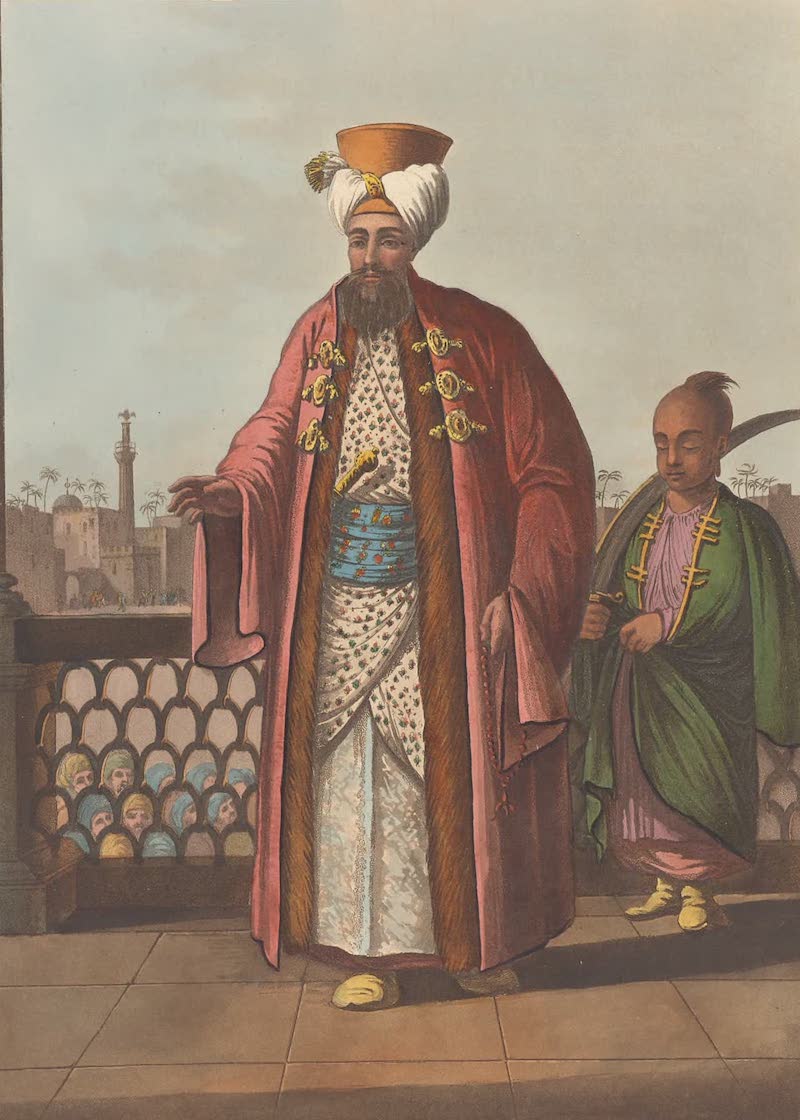 | An Egyptian Bey
|
 | An Egyptian Fair at Kafr Radoin
|
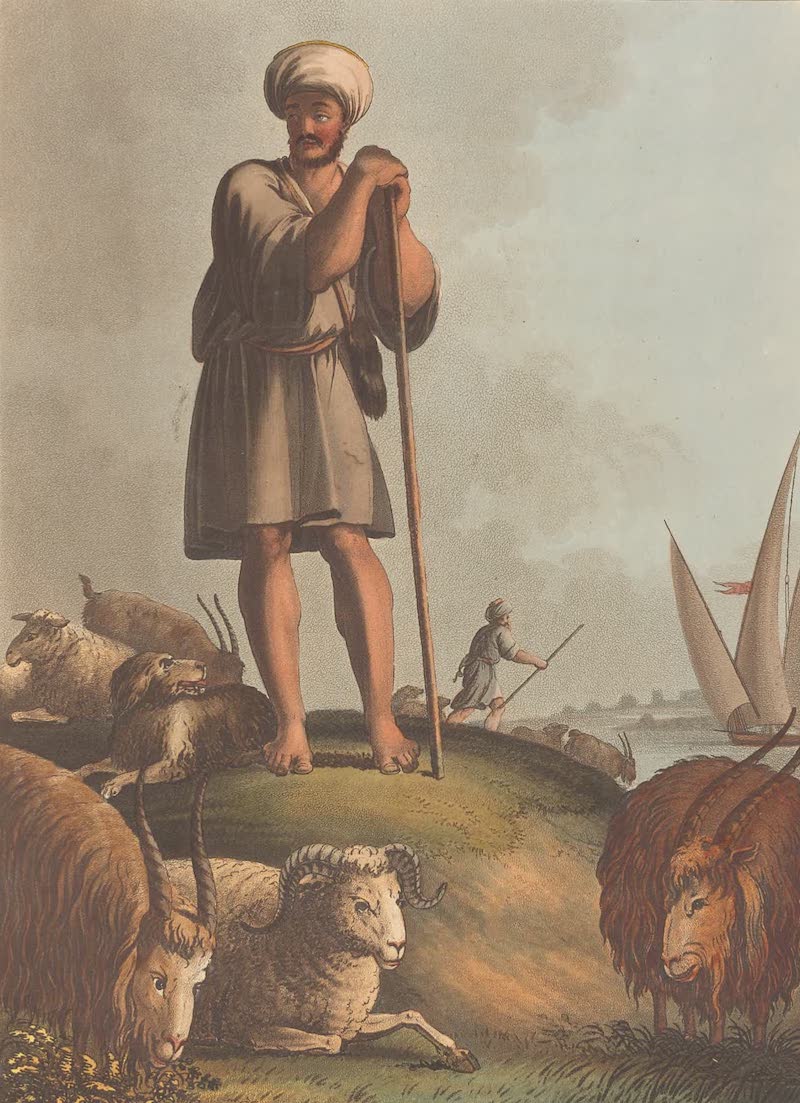 | An Egyptian Herdsman
|
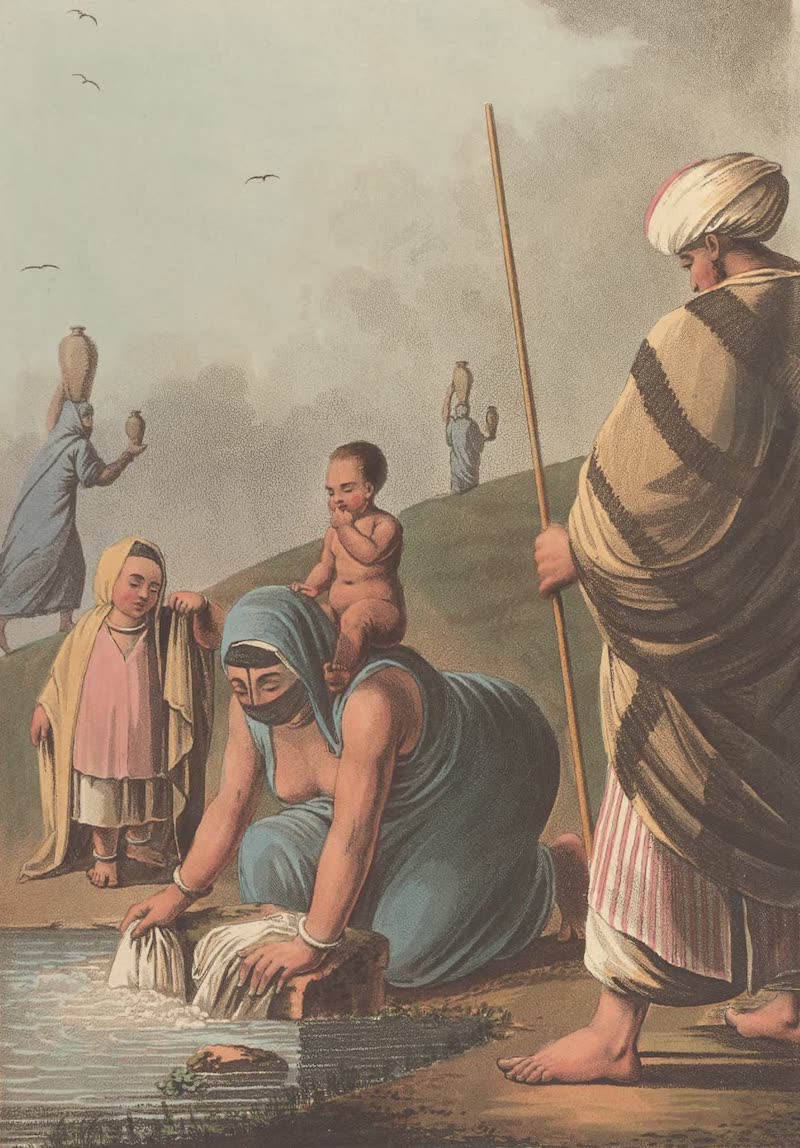 | An Egyptian Peasant and Family
|
 | An Egyptian Puppet Show
|
 | An Elephant and Retainers from Bikanir
|
 | An Elephant from Jaipur
|
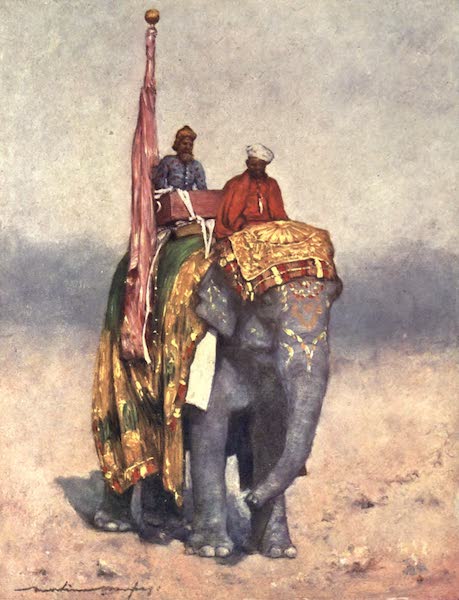 | An Elephant from the Sandy Wastes of Rajputana
|
 | An Elephant of Central India
|
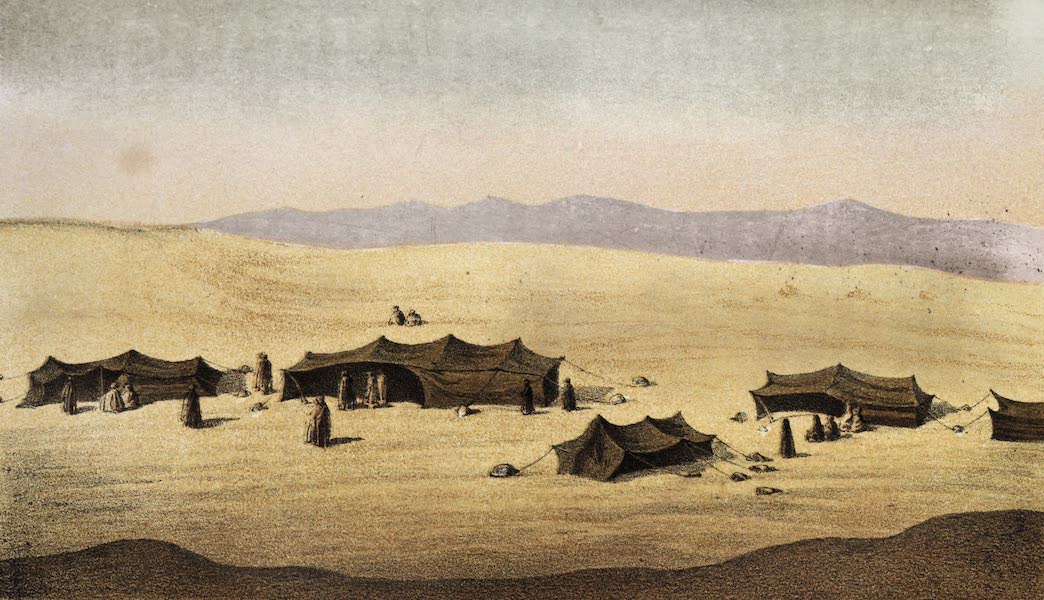 | An Encampment of the Jellaheen Arabs
|
 | An Engaged Couple
|
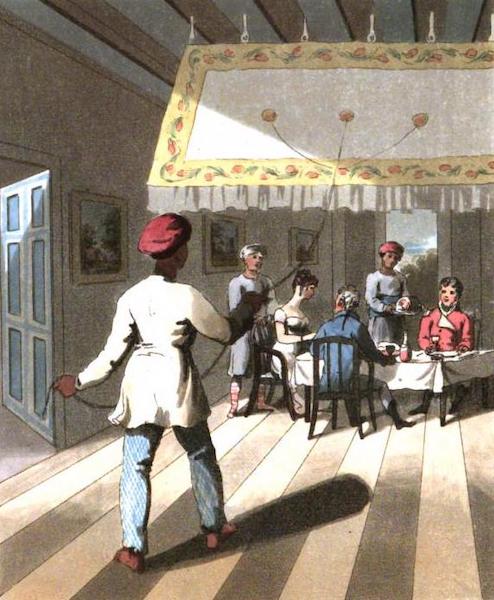 | An English Family at Table, under a Punkah, or Fan, kept in motion by a Khelassy
|
 | An Entre Rios Garden
|
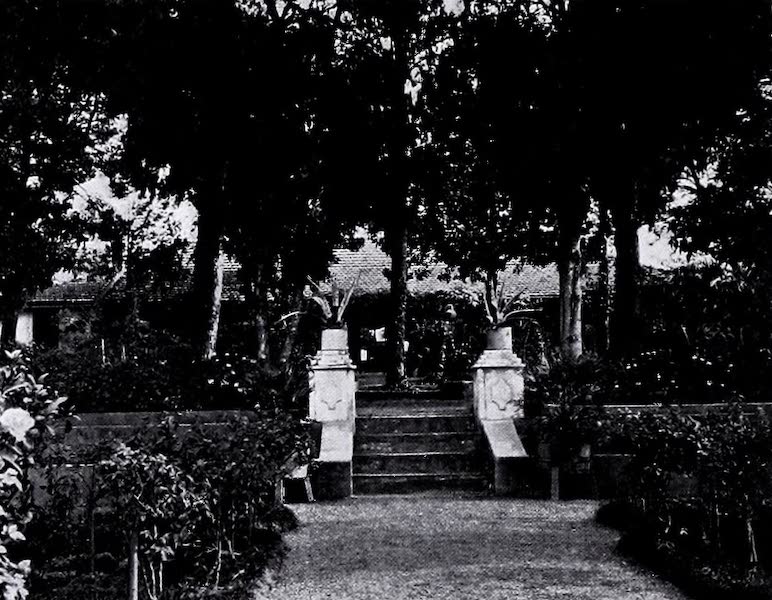 | An Entre Rios Garden
|
 | An Epic of the Sea
|
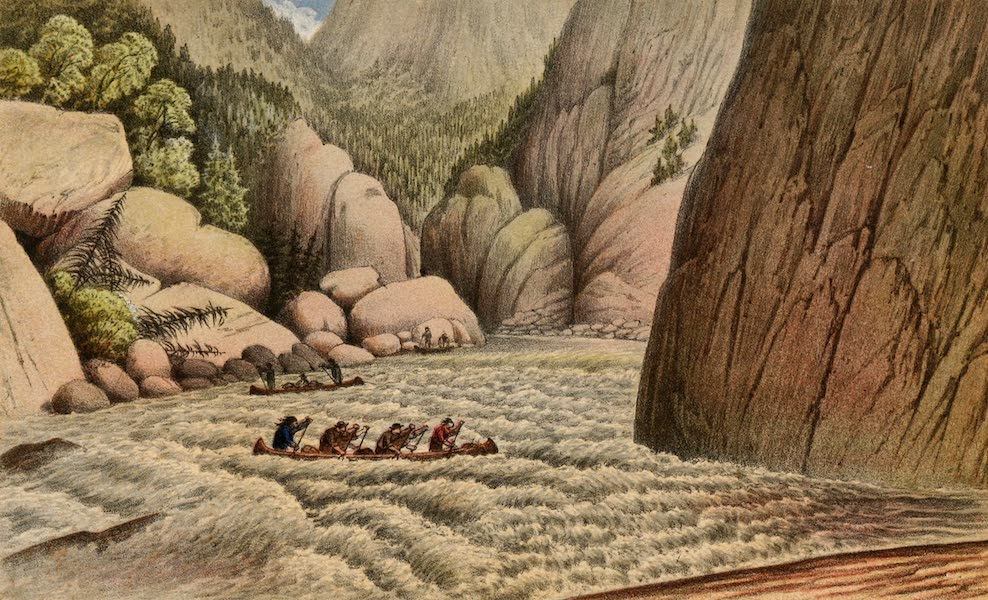 | An Escape at the Fourth Rapid
|
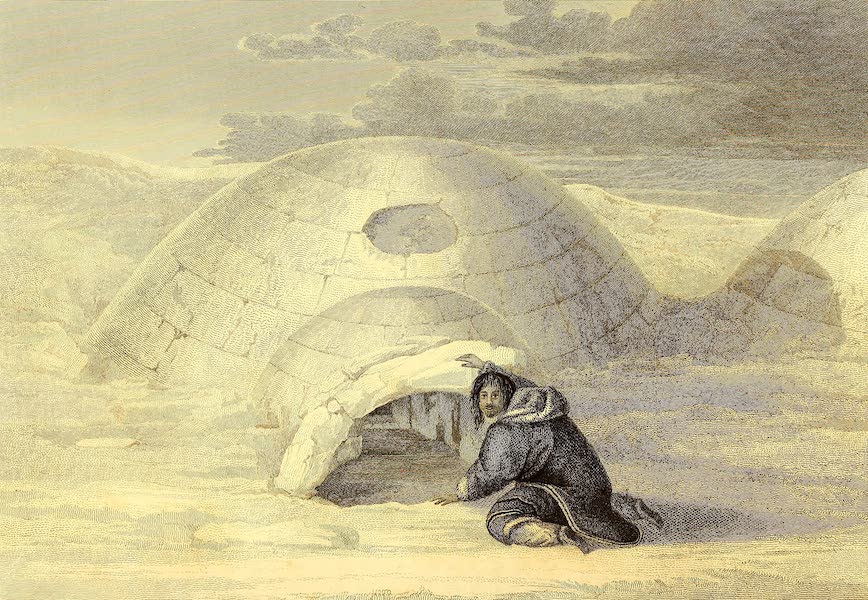 | An Esquimaux creeping into the Passage of a Snow-hut
|
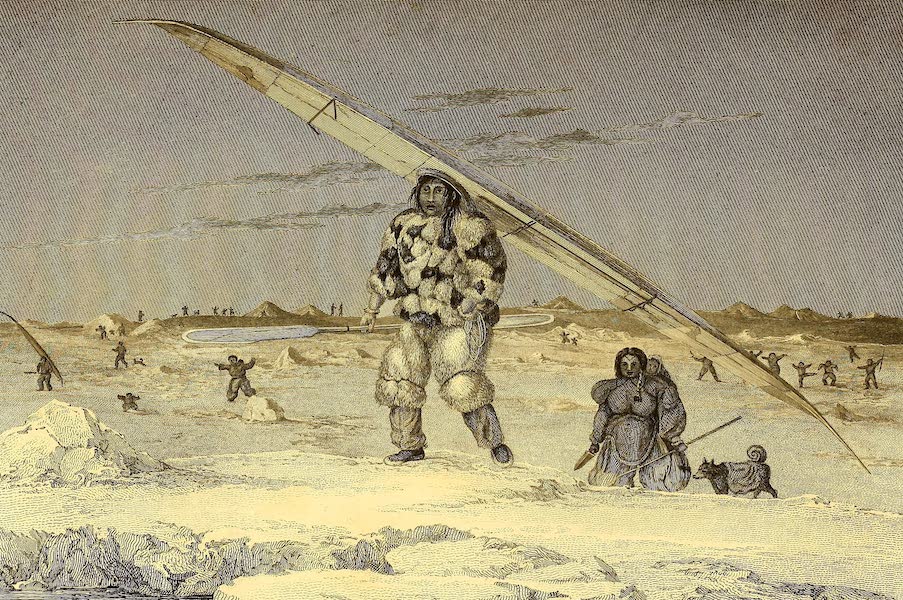 | An Esquimaux of Igloolik, in a bird's-skin jacket, &c.
|
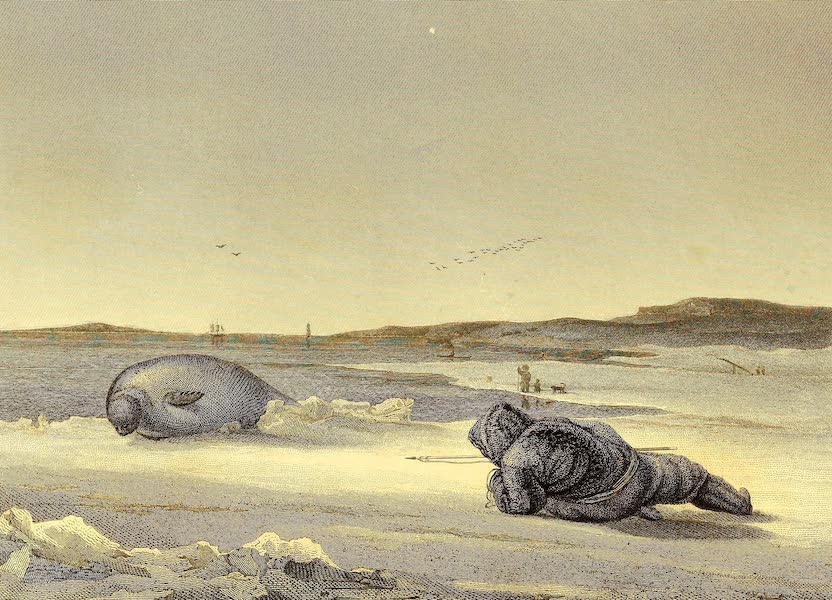 | An Esquimaux watching a Seal
|
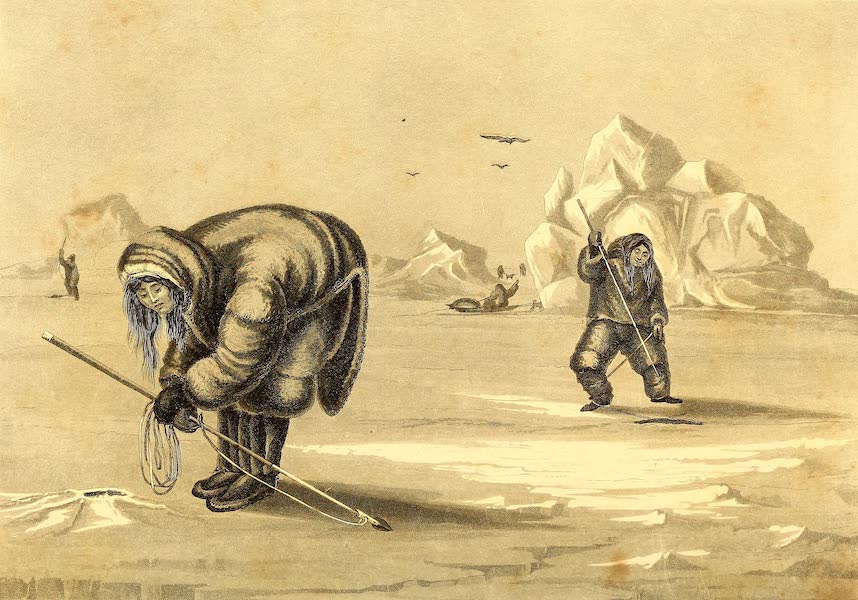 | An Esquimaux watching a Seal-hole
|
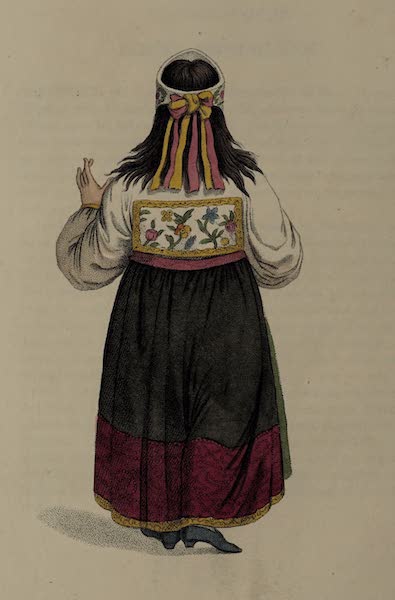 | An Esthonian Girl
|
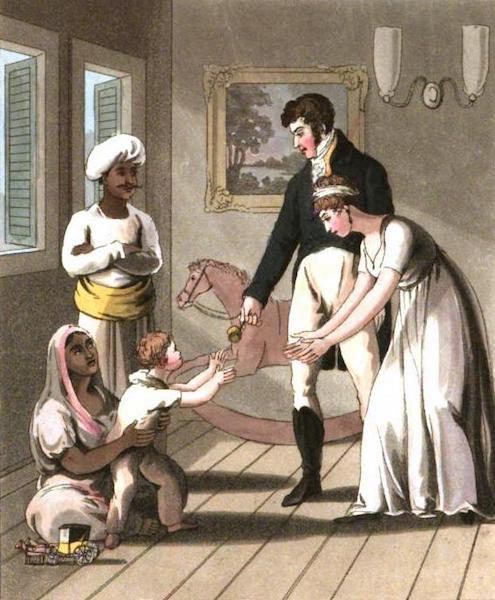 | An European Lady and her Family, attended by an Ayah, or Nurse
|
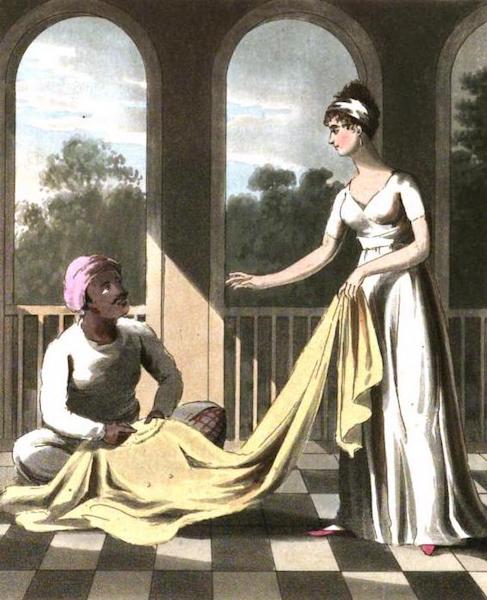 | An European Lady giving instructions to her Durzee, or Native Tailor
|
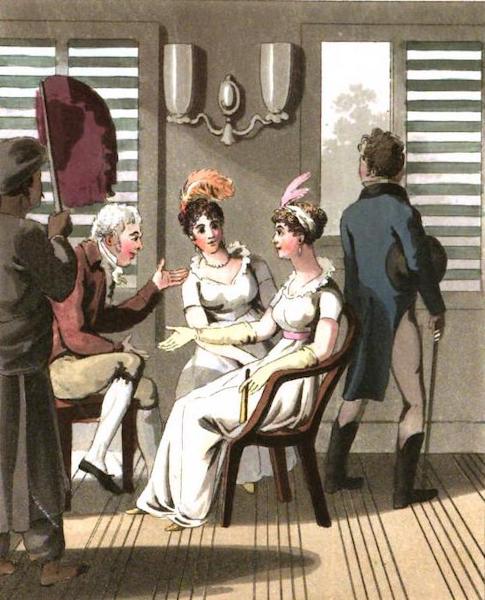 | An European Lady, attended by a Servant using a Hand Punkah, or Fan
|
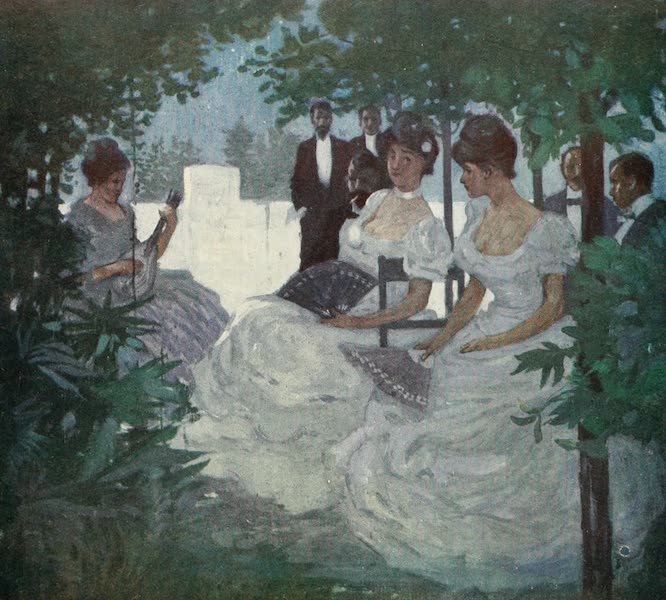 | An Evening Party, St. Thomas
|
 | An excavated Temple on the Island of Salsette
Plate 3 from the fifth set of Thomas and William Daniell's 'Oriental Scenery' called 'Antiquities of India.' The caitya hall at Kanheri, near Bombay, is the main cave of a group of Buddhist rock-cut temples associated with a large Buddhist community which flourished here in the 1 - 2nd Centuries. The exterior consists in a rock-cut wall with octagonal columns on each side and large reliefs of standing Buddha (added later). The hall has columns with pot bases and bell capitals surmounted by animal riders. At the end of the central aisle there is a hemispherical stupa as this was the main congregational place of worship. |
 | An Excursion Day at Jamestown Island
|
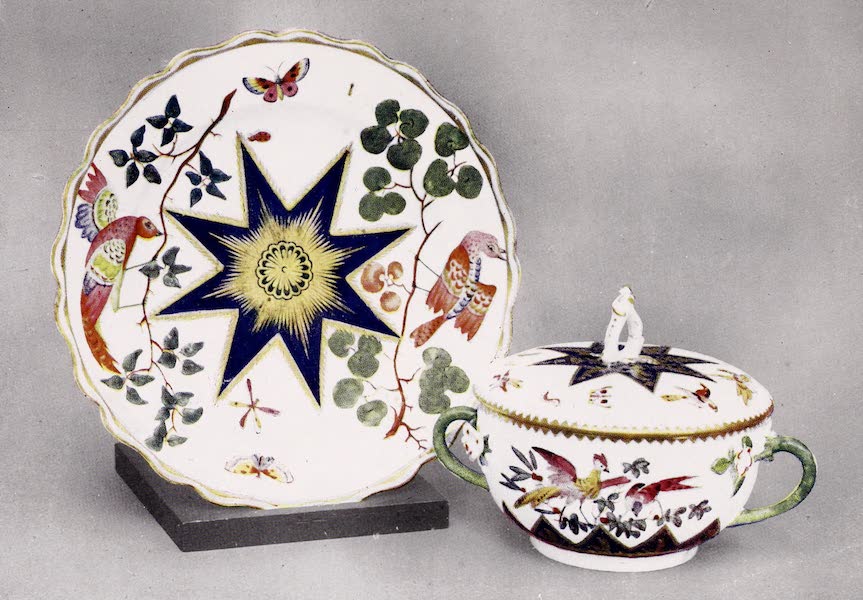 | An Exotic Decoration
|
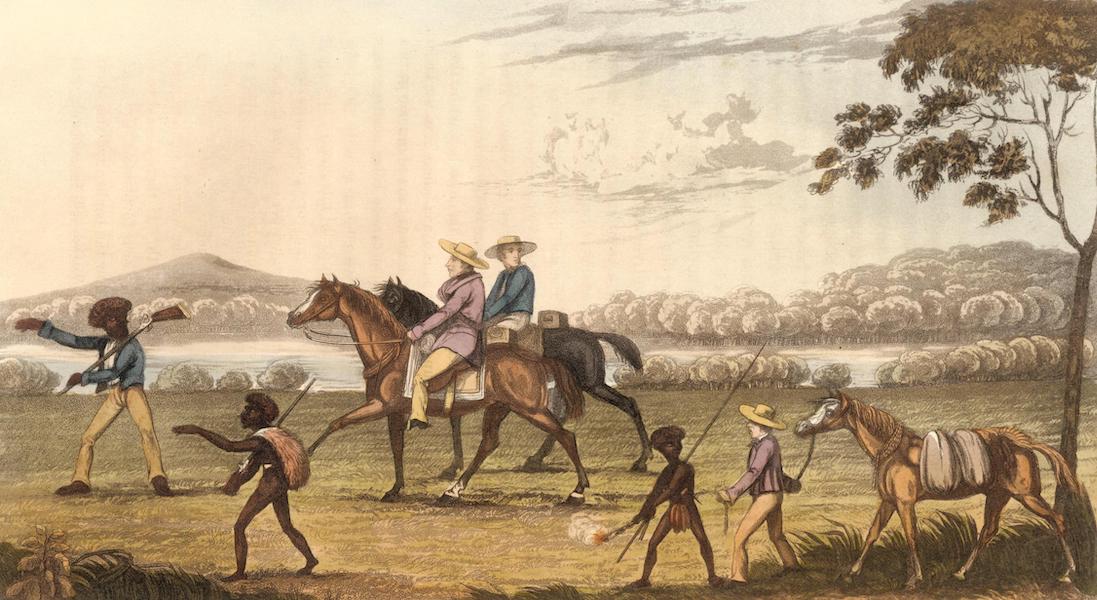 | An Exploring Party in New South Wales
|
 | An Exposition Audience, Great South Gardens
|
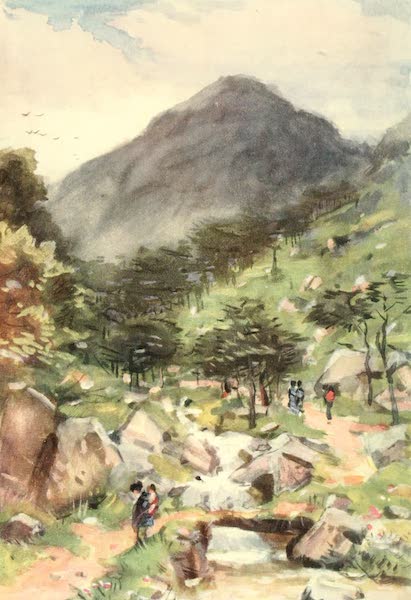 | An exquisite Valley leading into the mysterious Hills
|
 | An Hannachian Woman
|
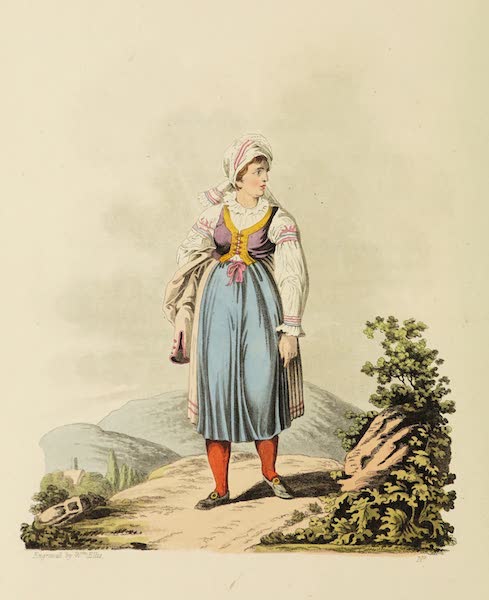 | An Hannachian Woman
|
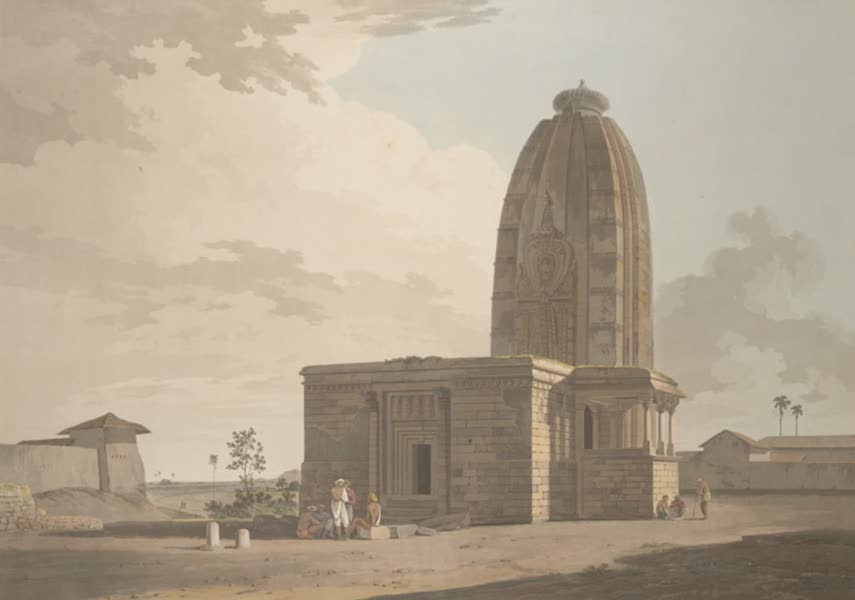 | An Hindoo Temple at Deo in Bahar
Plate 5 from the fifth set of Thomas and William Daniell's 'Oriental Scenery' called 'Antiquities of India.' The Chaturbhuja Vishnu temple in the village of Deo in western Bihar was originally consecrated to the god Surya in the 10th century and converted into a Vishnu temple in the 15th century. The curvilinear superstructure, typical of Northern India, is crowned by an 'amalaka', a ribbed doughnut-shaped stone. Particularly noteworthy are the graceful balconies on either side of the mandapa which, unusally, flood the interior with light. |
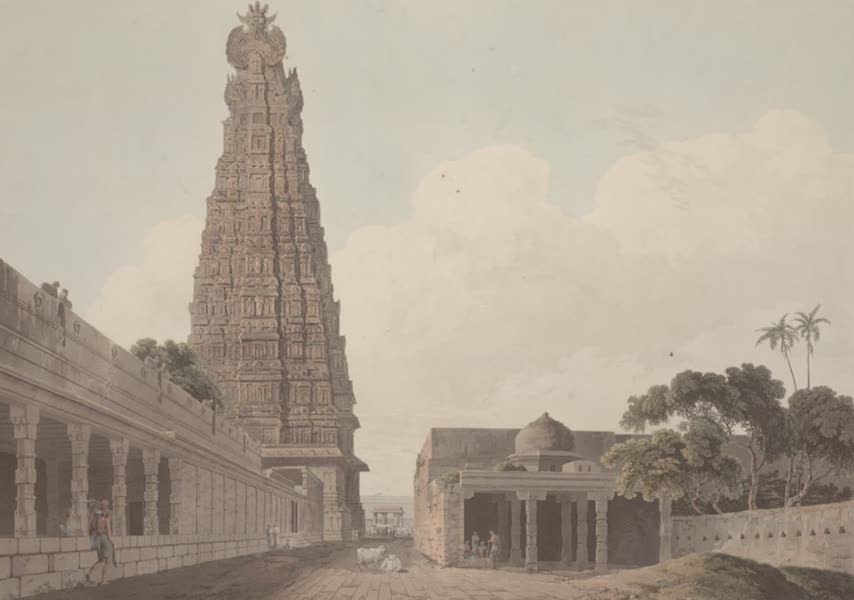 | An Hindoo Temple, at Madura
Plate 16 from the second set of Thomas and William Daniell's 'Oriental Scenery.' The city of Madurai is dominated by the temple complex dedicated to Minakshi, the patron goddess. It is like a self-contained city with courtyards, pillared halls and shrines. The four gateway or gopuras of the temple were added in the 17th Century during the Nayaka dynasty. They are elaborately decorated with figures of divinities and celestial beings, monsters faces and animals, all covered in polychrome plasterwork. |
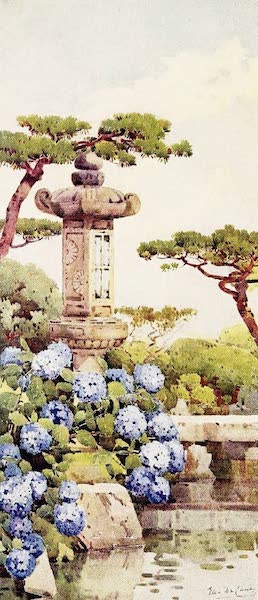 | An Hydrangea Bush
|
 | An Ice House
|
 | An Ice Well
|
 | An Icelandic Lady in Her Bridal Dress
|
 | An Ichlogan
|
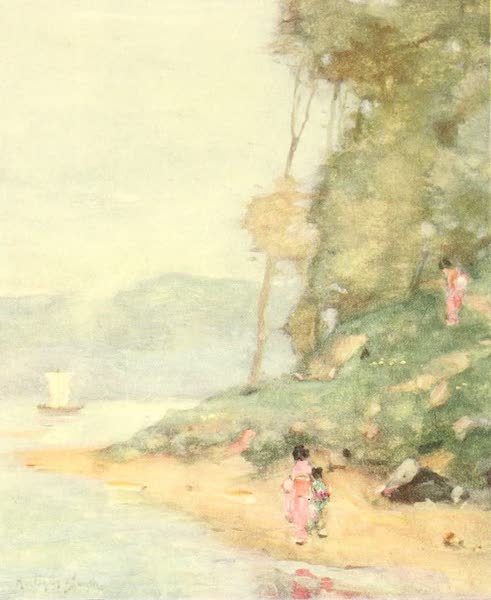 | An Idyll
|
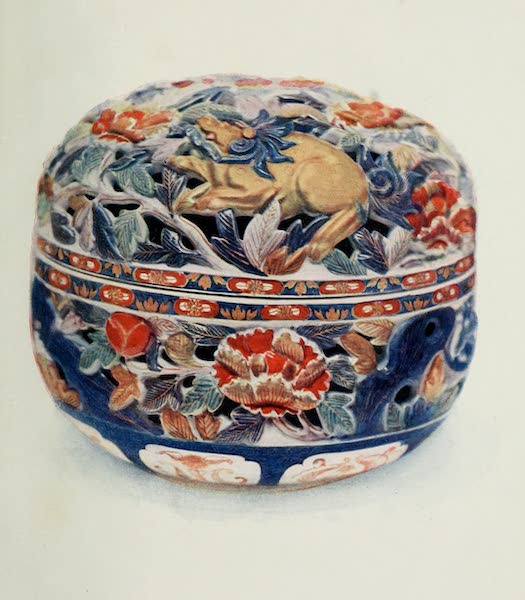 | An Imari Box of many Colours
|
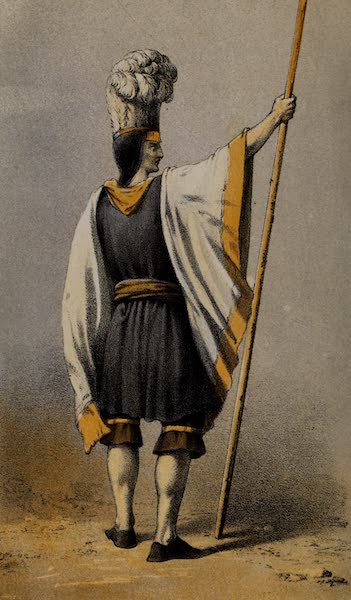 | An Inca of Peru
|
 | An Incipient Minefield
|
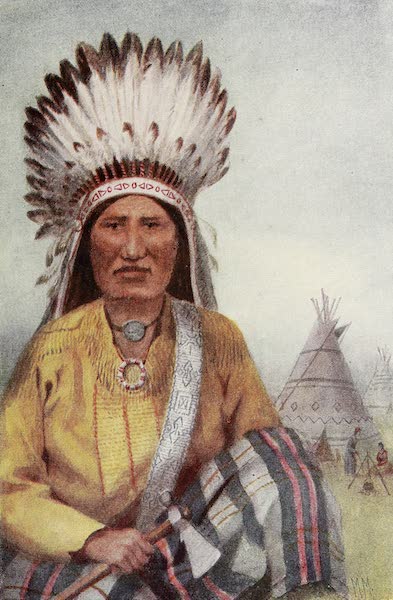 | An Indian Chief
|
 | An Indian Toilet Coffret, borne by an Elephant
|
 | An Indian Town, Residence of a Chief
|
 | An Infant Capuchin
|
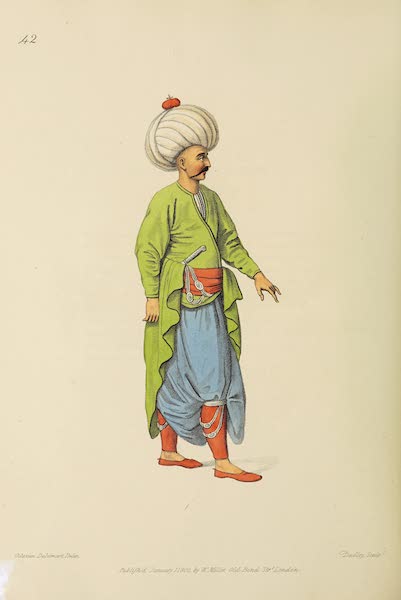 | An Inferior Officer of the Janissaires
|
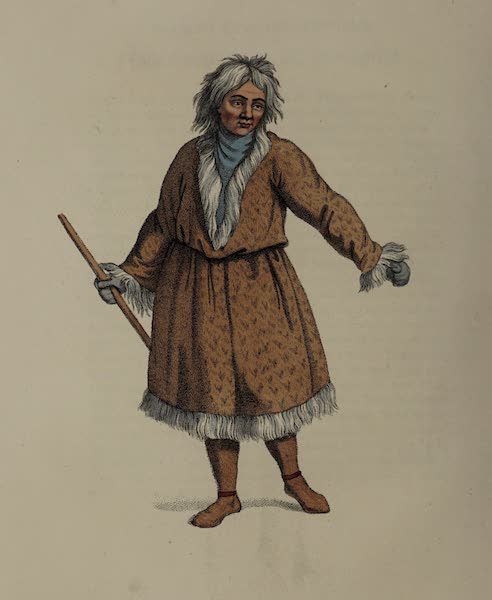 | An Inhabitant of Kamtshatka, in his winter dress
|
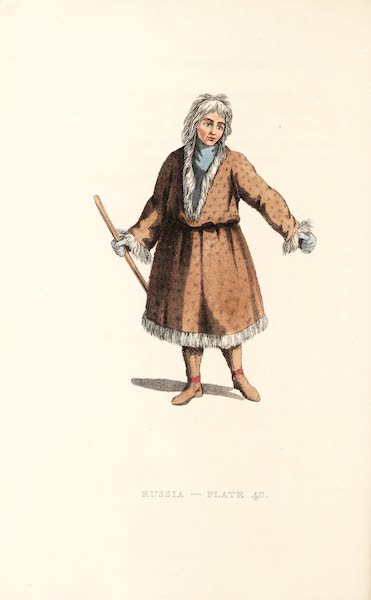 | An Inhabitant of Kamtshatka, in his Winter dress
|
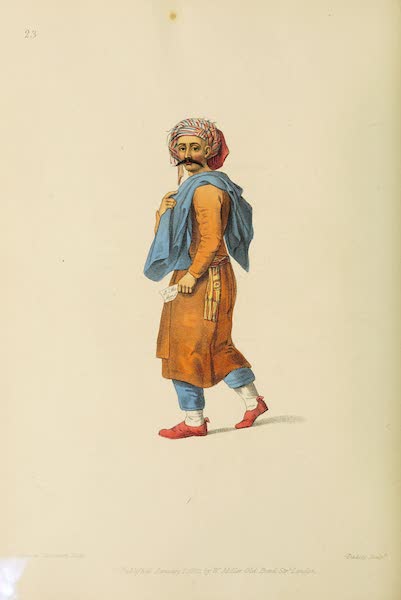 | An Inhabitant of the Coast of Syria
|
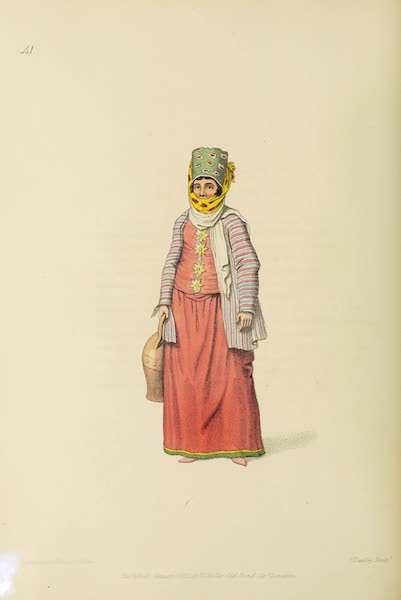 | An Inhabitant of the Isle of Simia
|
 | An Inhabitant of the Lowlands of Moravia, in his Winter Dress
|
 | An Inhabitant of the Lowlands of Moraviain his Winter Clothes
|
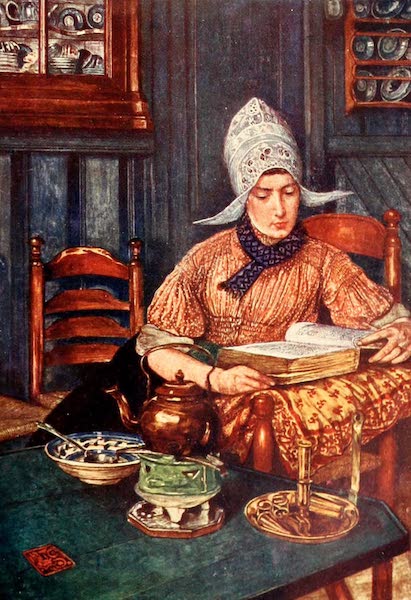 | An Interior, Volendam
|
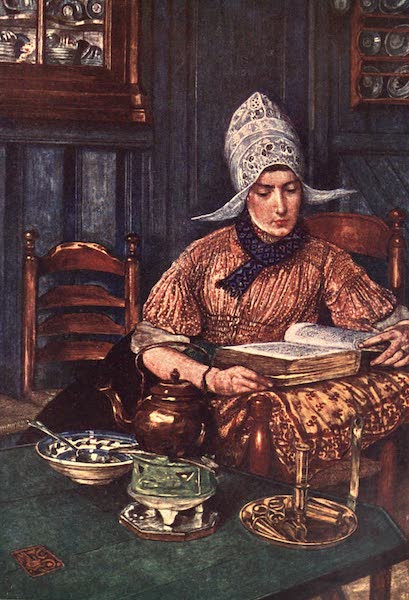 | An Interior, Volendam
|
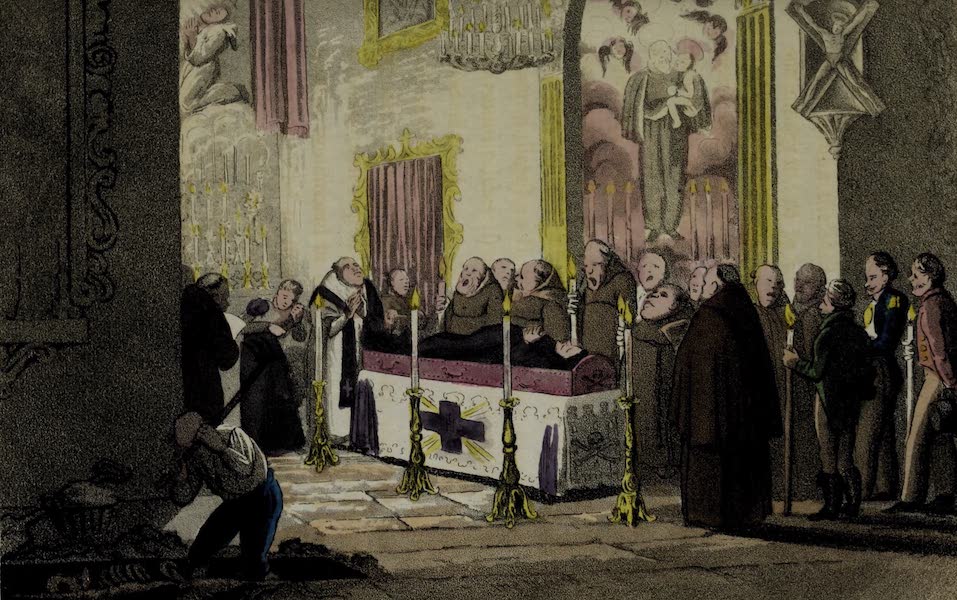 | An Internment
|
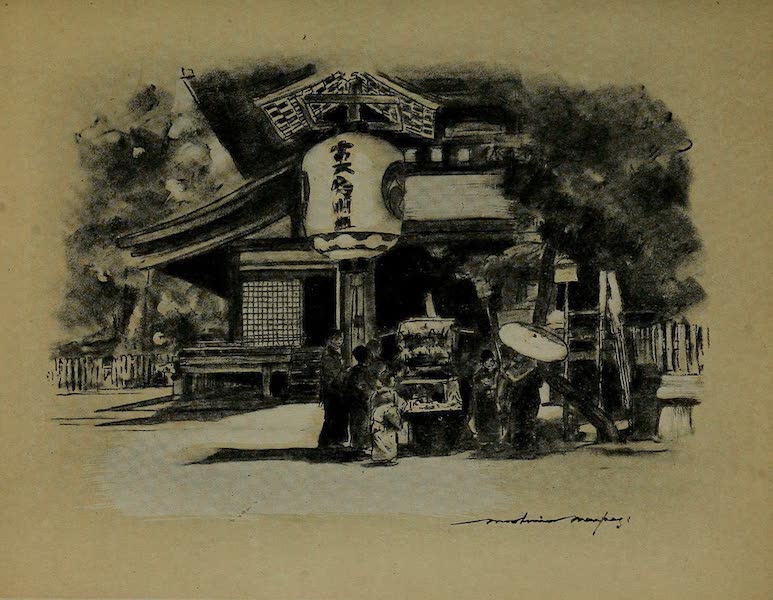 | An Iris Garden
|
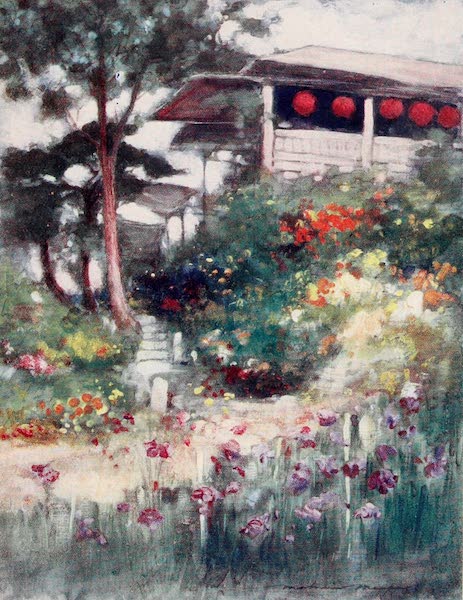 | An Iris Garden
|
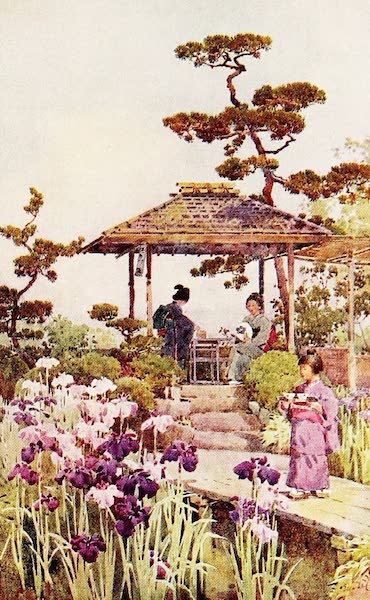 | An Iris Garden
|
 | An Irrigated Field
|
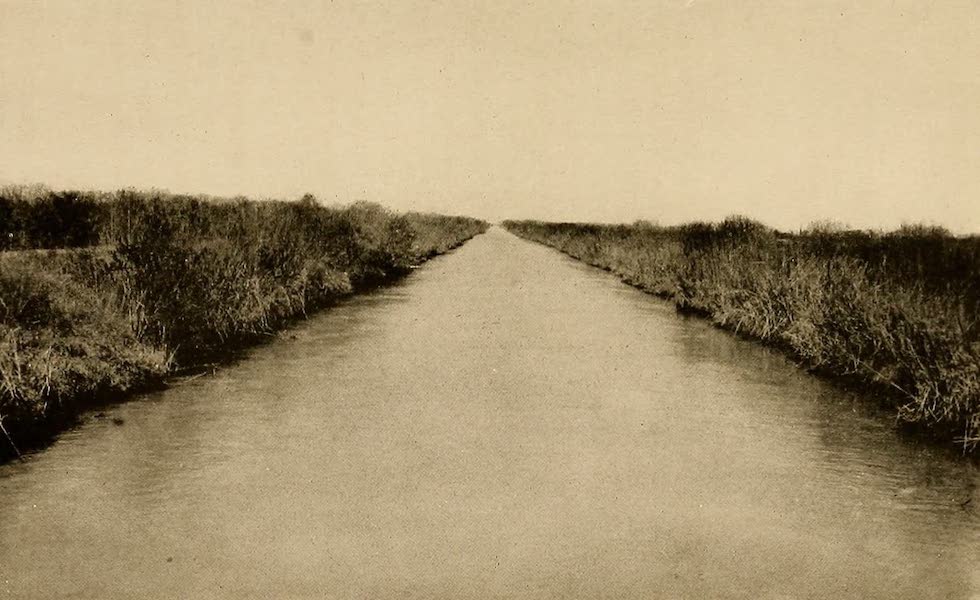 | An Irrigating Canal
|
 | An Itinerant Barber
|
 | An Itinerant Doctor at Tien-sing
|
 | An Offender under going the Bastinade
|
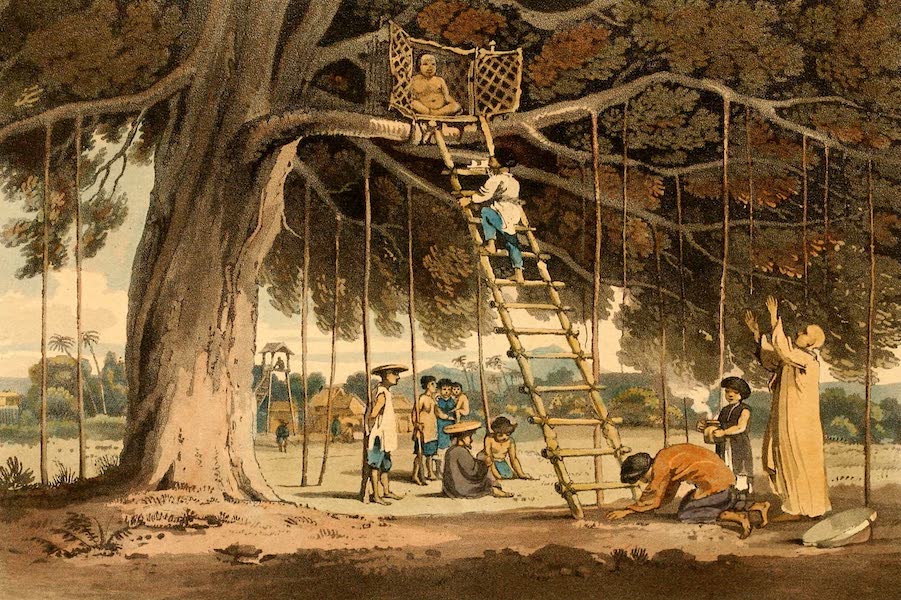 | An Offering of First-fruits to the God Fo
|
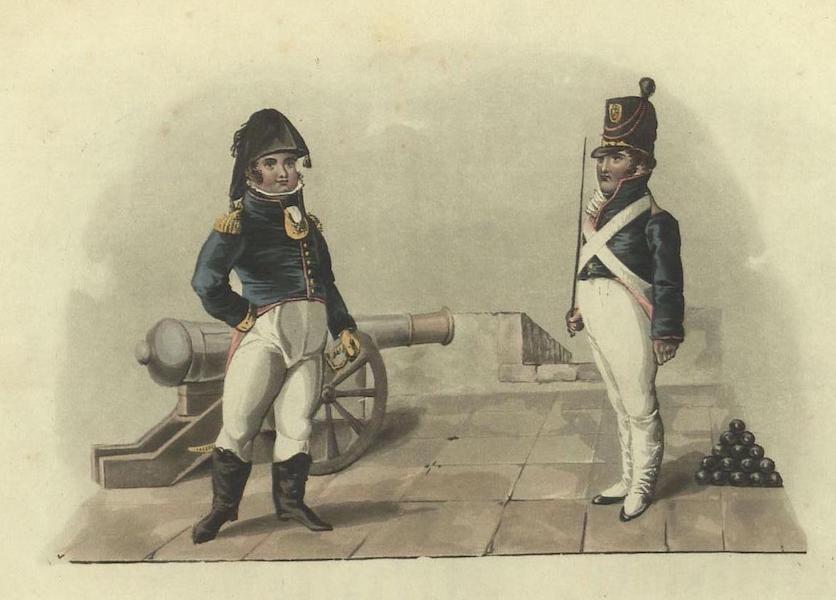 | An Officer and Private of the Garrison of Funchal
|
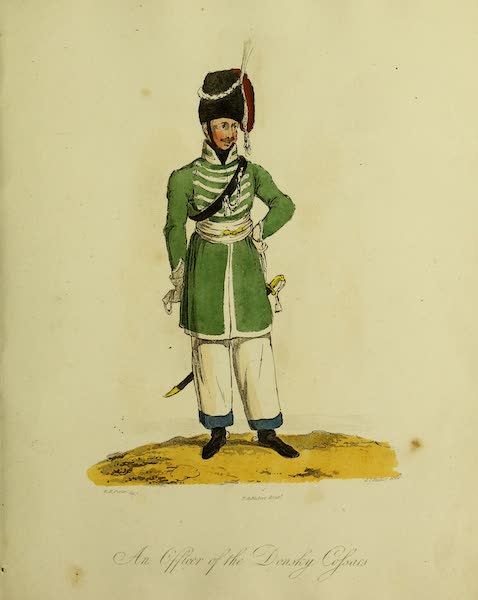 | An Officer of the Donsky Cossacs
|
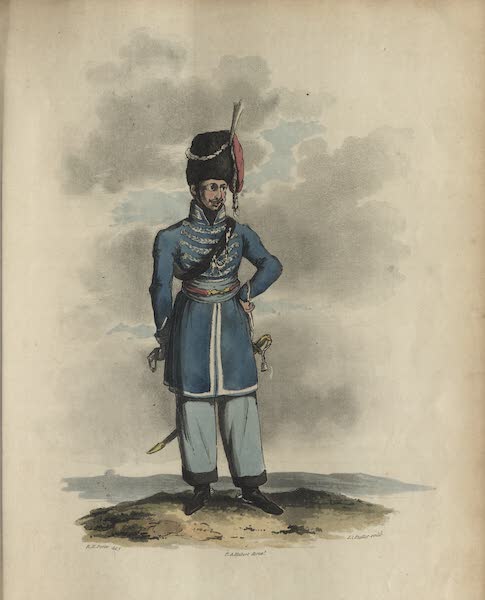 | An Officer of the Donsky Cossacs
|
 | An Officer of the Imperial Foot Guards
|
 | An Officer of the Imperial Foot-Guards
|
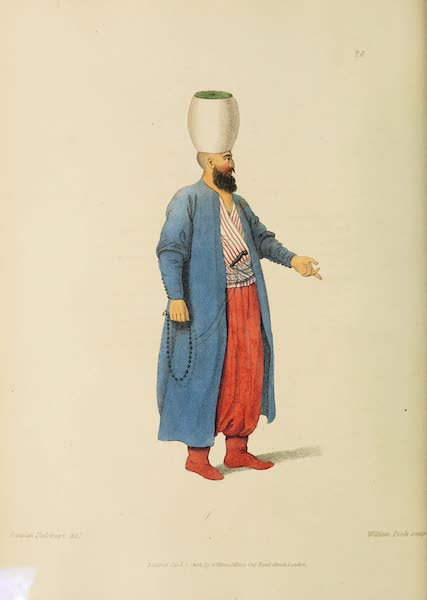 | An Officer of the Janissaries
|
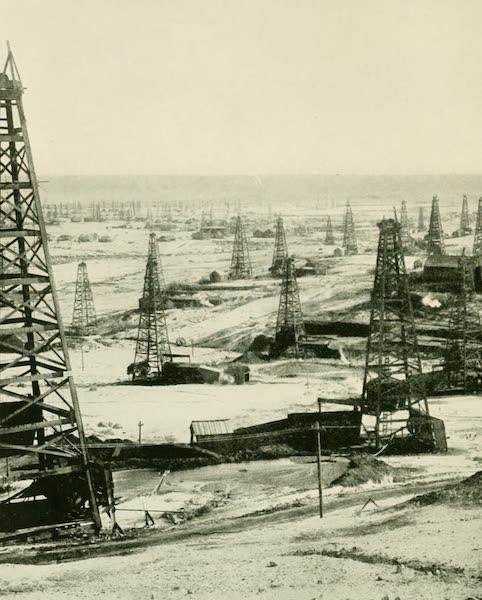 | An oil field, Bakersfield
|
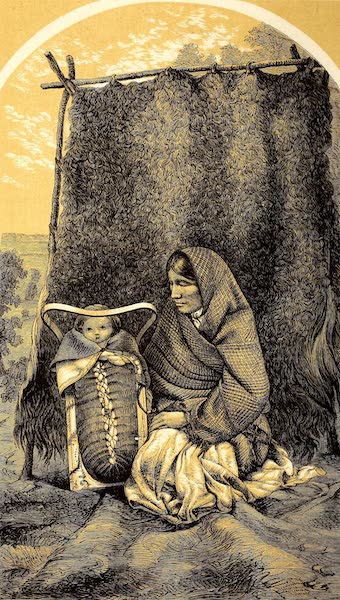 | An Ojibway Squaw with Papoose
|
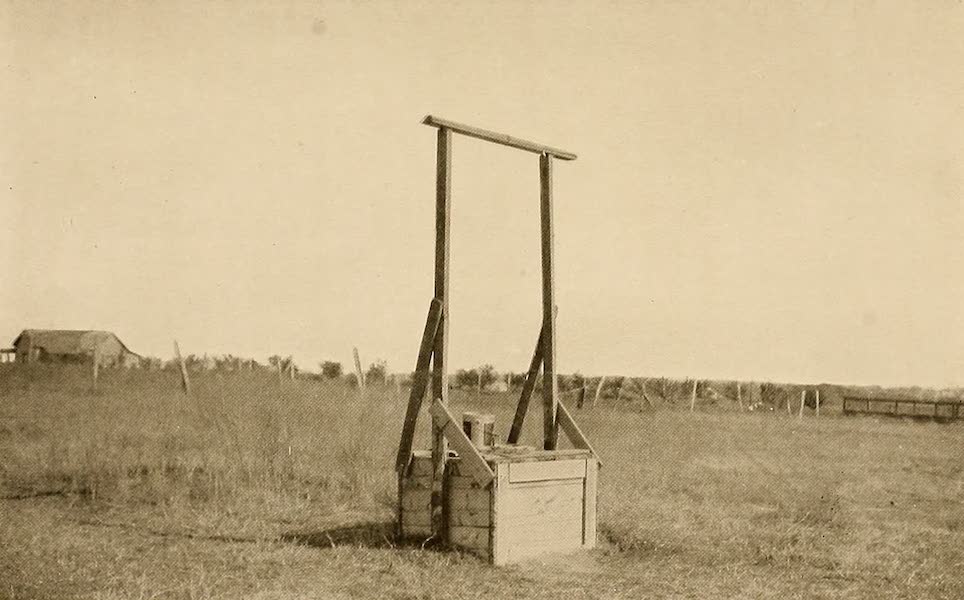 | An Old and Picturesque Well
|
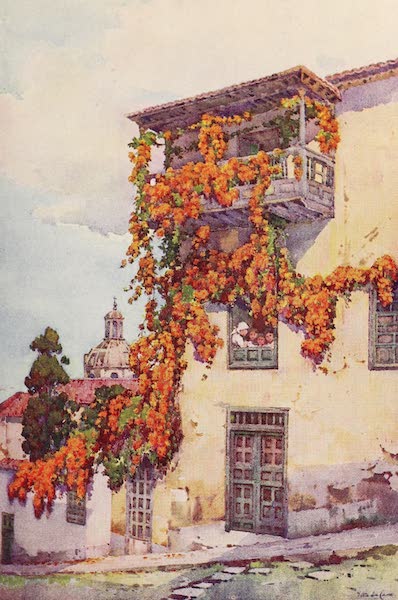 | An Old Balcony
|
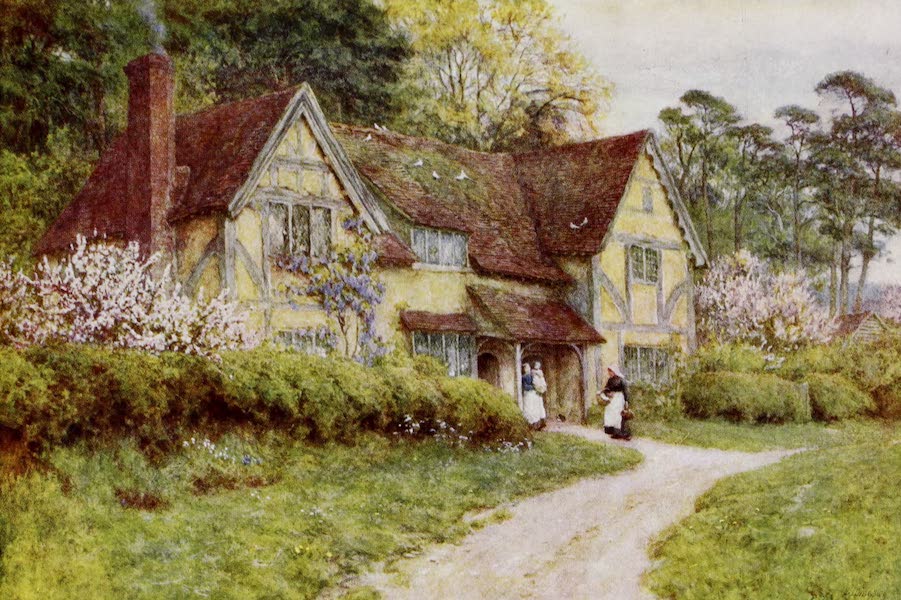 | An Old Buckinghamshire House
|
 | An Old Chapel of the Moorish Castle
|
 | An Old Church, Rio
|
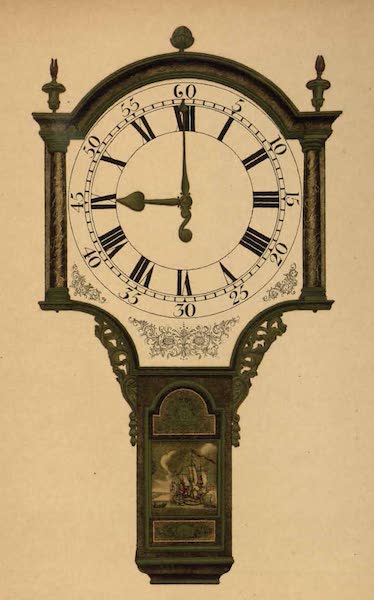 | An Old Clock formerly belonging to the Company
|
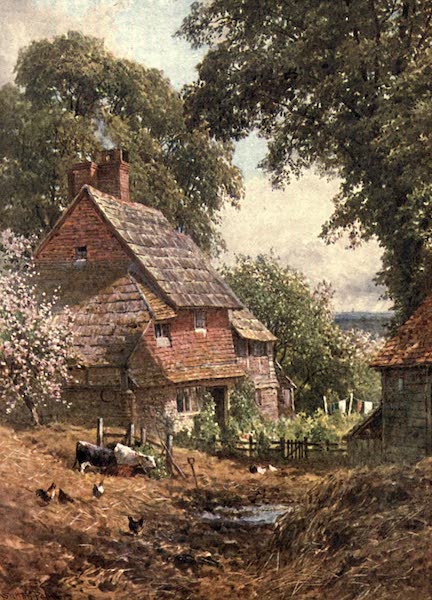 | An Old Farm, near Leith Hill
|
 | An Old Farmer
|
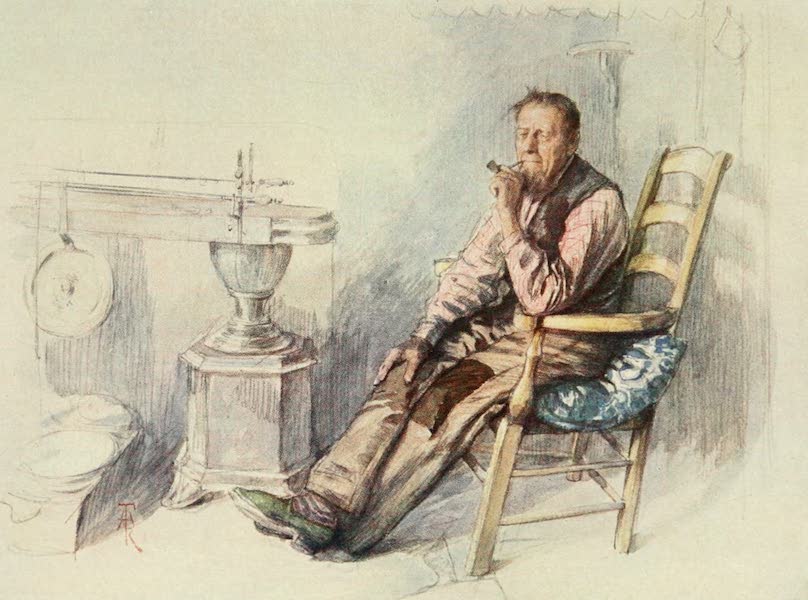 | An Old Farmer
|
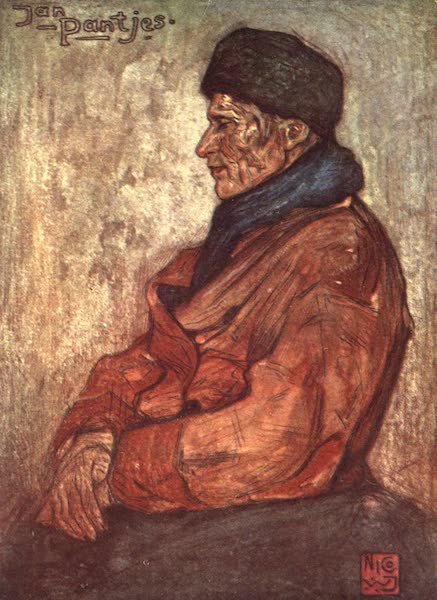 | An Old Fisherman
|
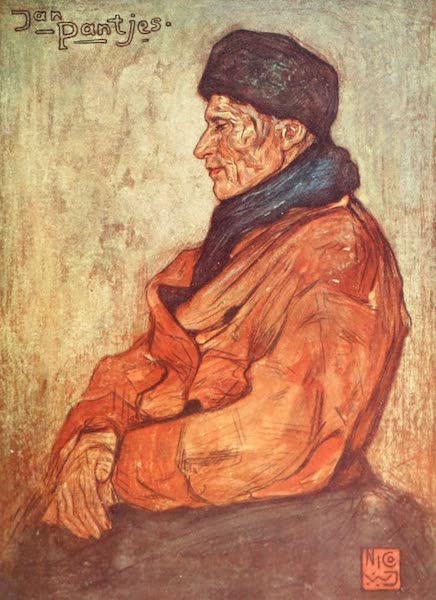 | An Old Fisherman
|
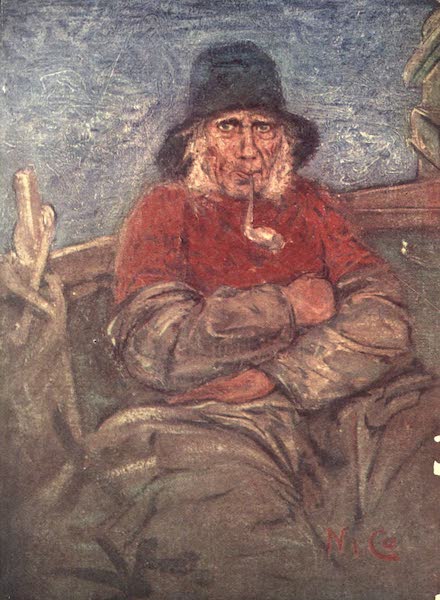 | An Old Fisherman of Scheveningen
|
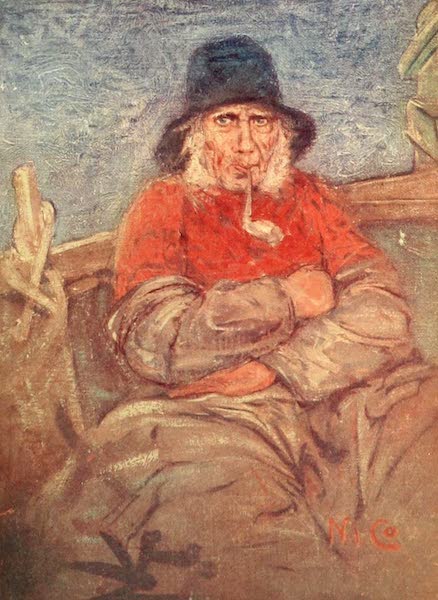 | An Old Fisherman of Scheveningen
|
 | An Old Fort at Muttra
|
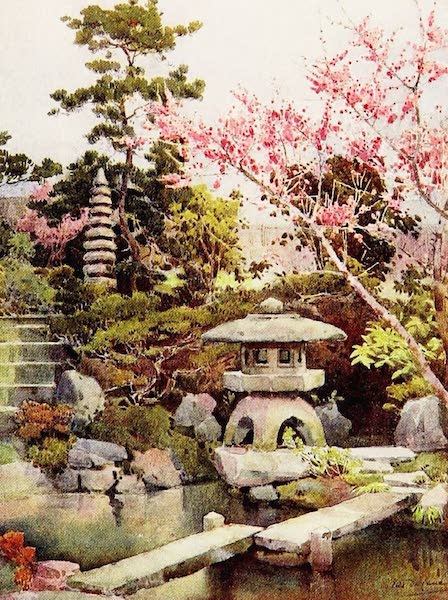 | An Old Garden
|
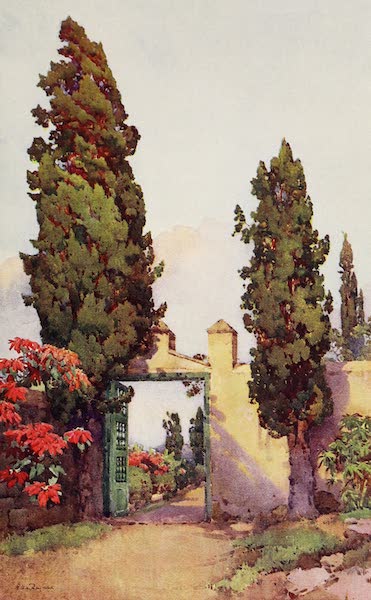 | An Old Gateway
|
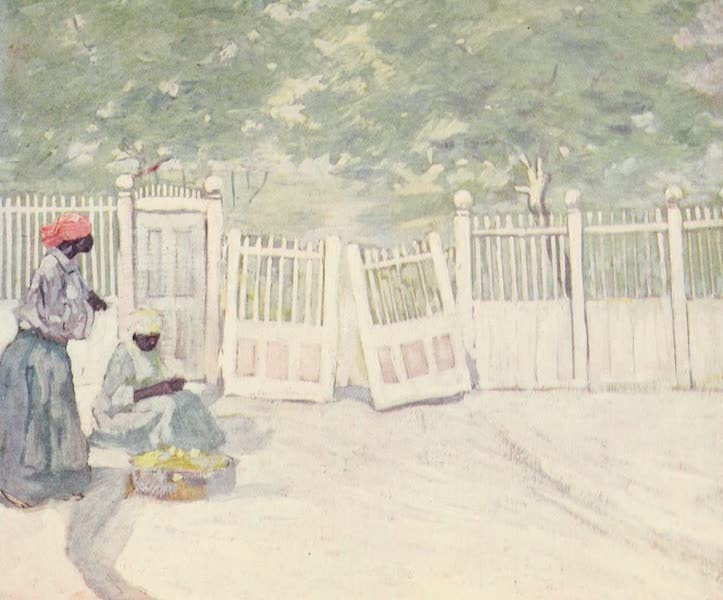 | An Old Gateway, Kingston
|
 | An old Hottentot Woman, with half caste great-grandchildren
|
 | An Old House at West Tarring
|
 | An Old Inn Kitchen, Coniston
|
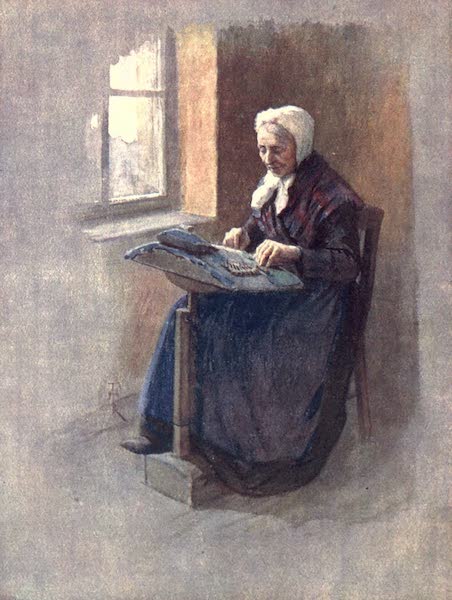 | An Old Lace-maker, Ghent
|
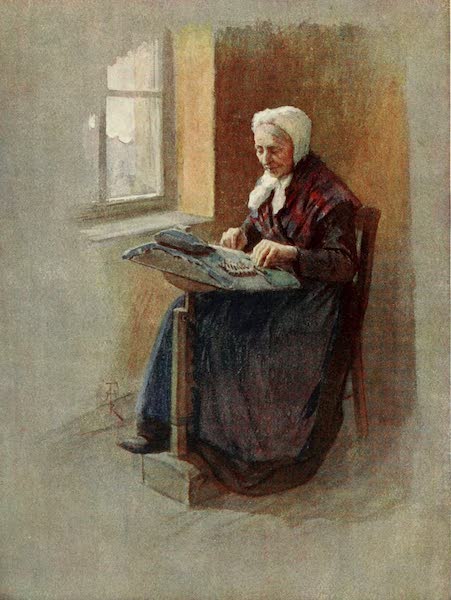 | An Old Lace-Maker, Ghent
|
 | An Old Lady and her Prayer-Wheel
|
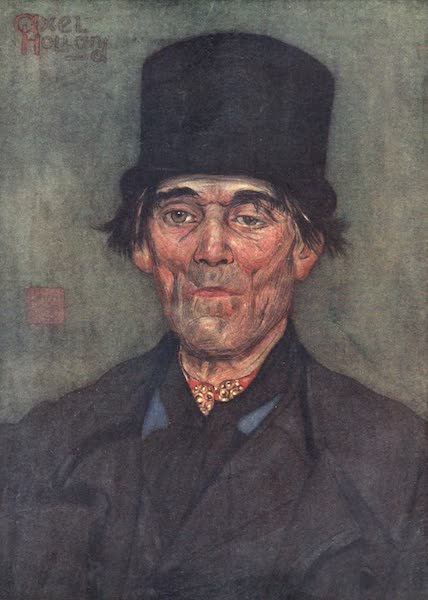 | An Old Man of Axel
|
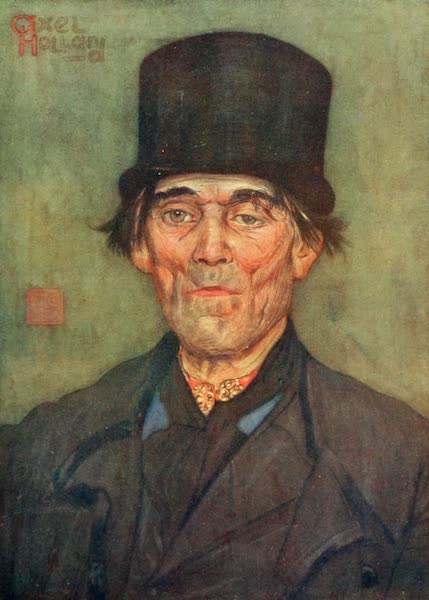 | An Old Man of Axel
|
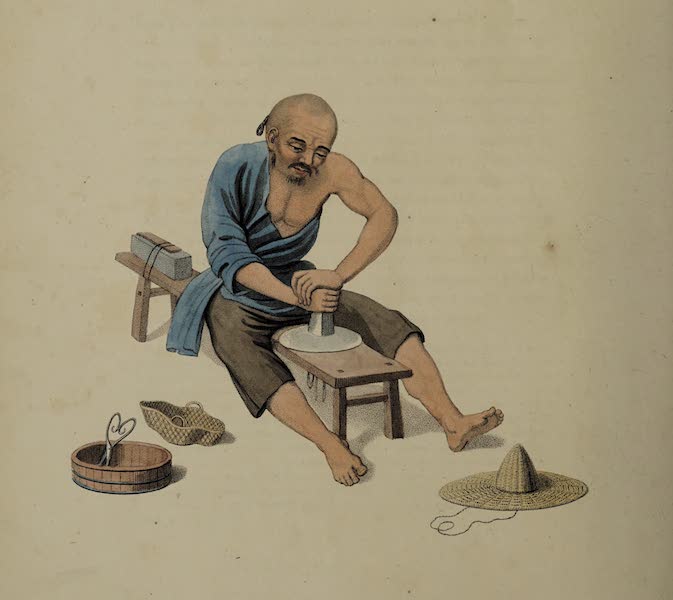 | An Old Man polishing Crystals
|
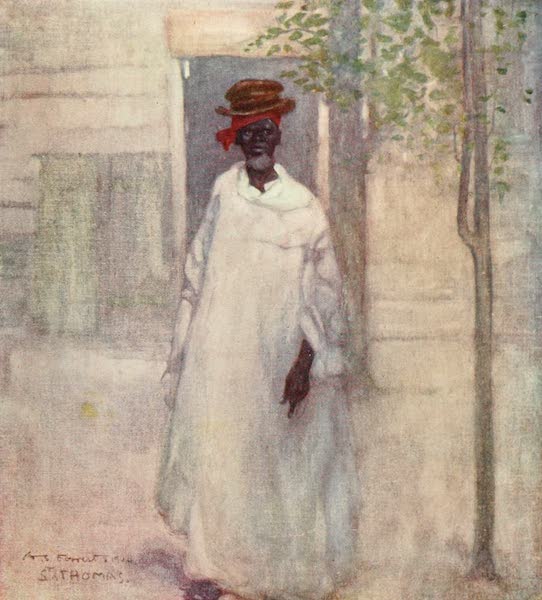 | An Old Man, St. Thomas
|
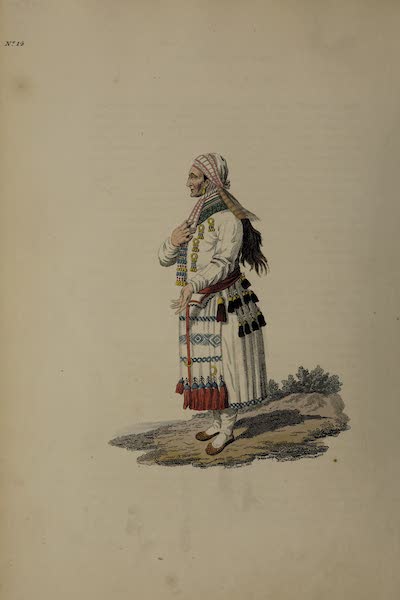 | An Old Mordvin Woman of the Mokchanian Tribe
|
 | An Old Mordvine Woman of the Mokshan Tribe
|
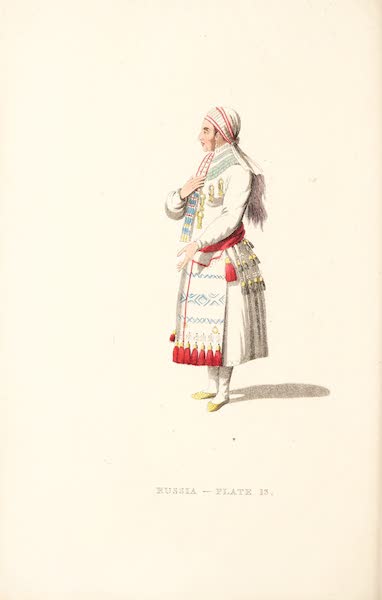 | An Old Mordvine Woman of the Mokshan Tribe
|
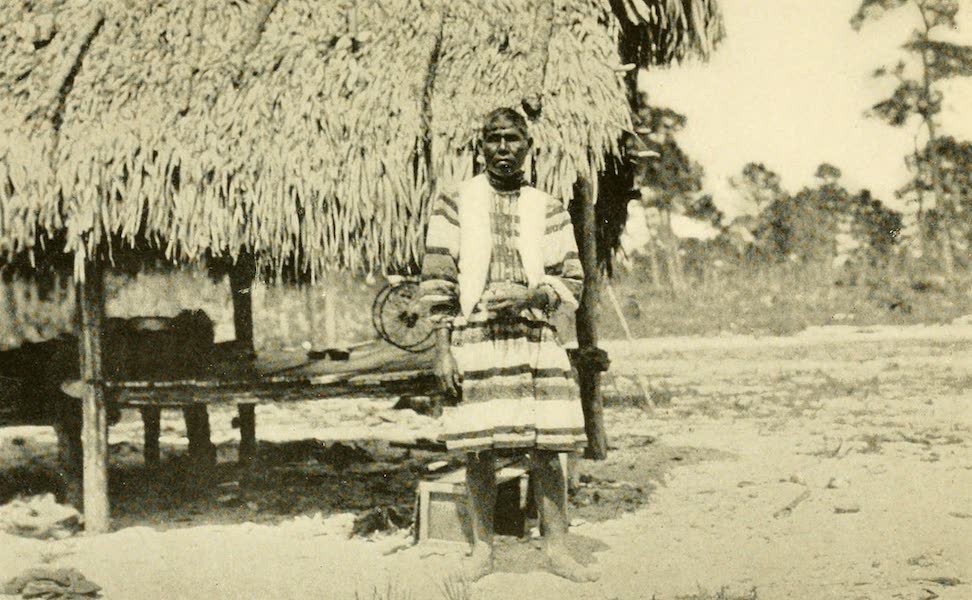 | An Old Seminole Indian
|
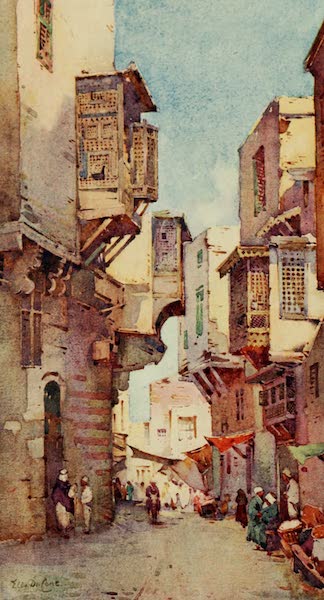 | An Old Street in Cairo
|
 | An Old Street in Hawkshead
|
 | An Old Street in Monte Carlo
|
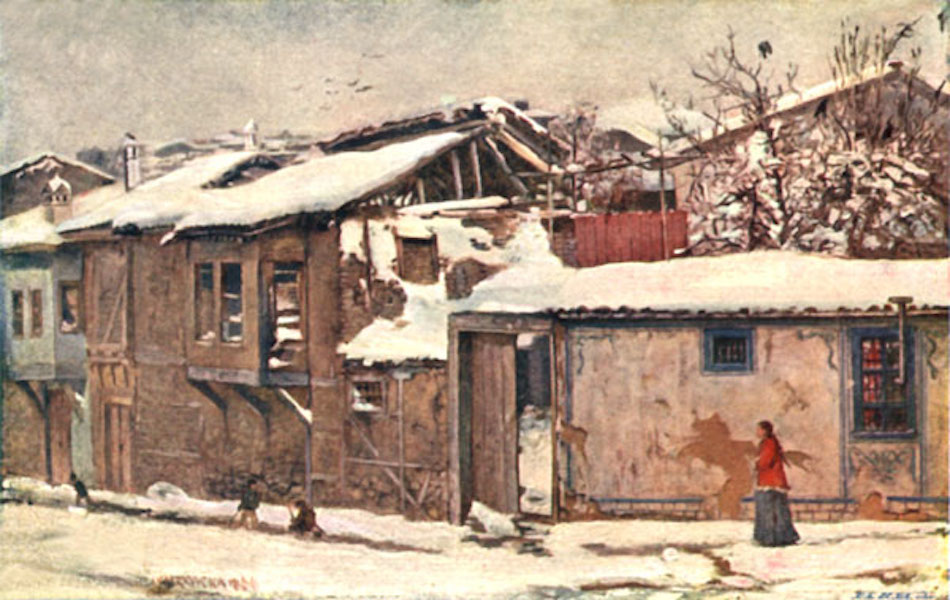 | An Old Street in Philippopolis
|
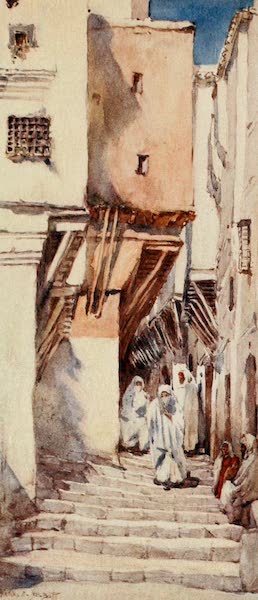 | An Old Street, Algiers
|
 | An Old Woman
|
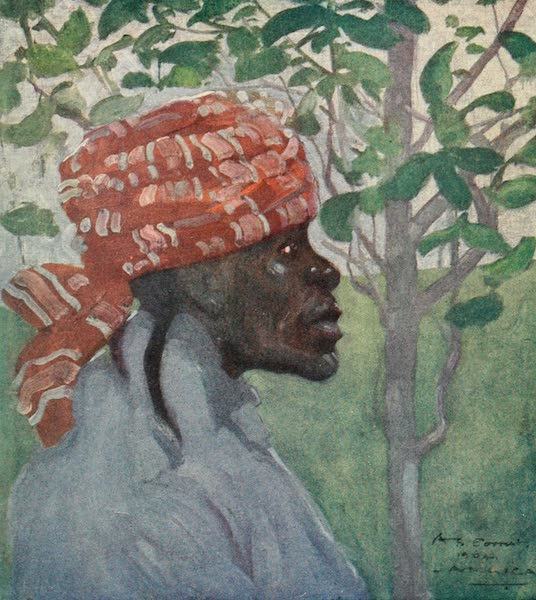 | An Old Woman
|
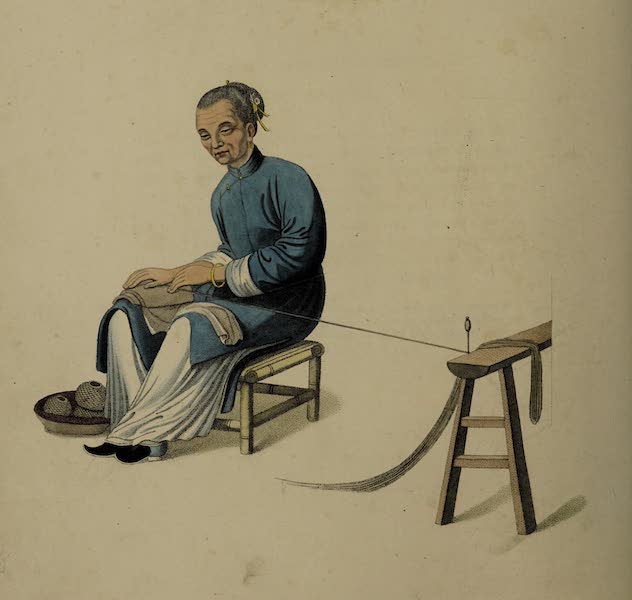 | An Old Woman twilling Cotton
|
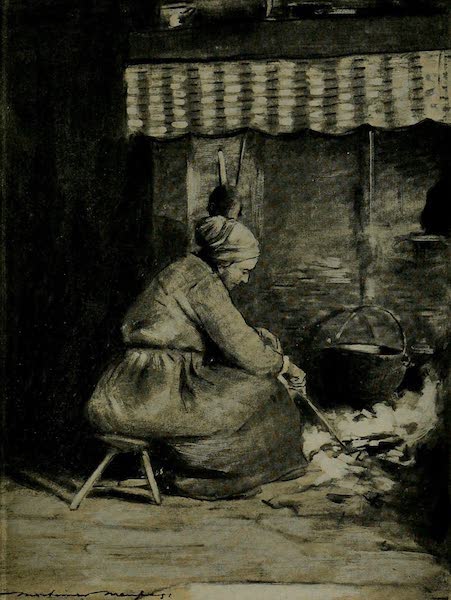 | An Old-Fashioned Hearth
|
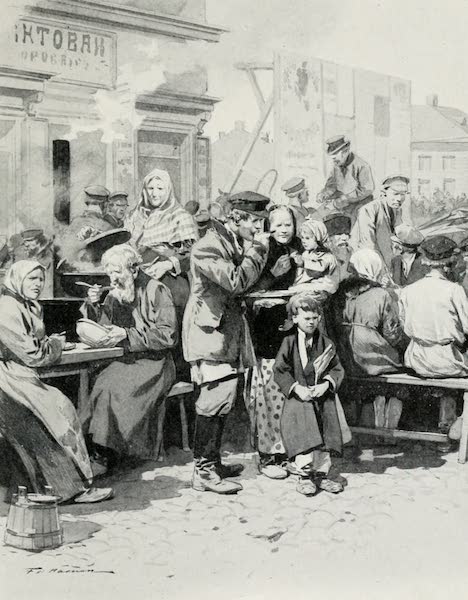 | An Open-Air Kitchen
|
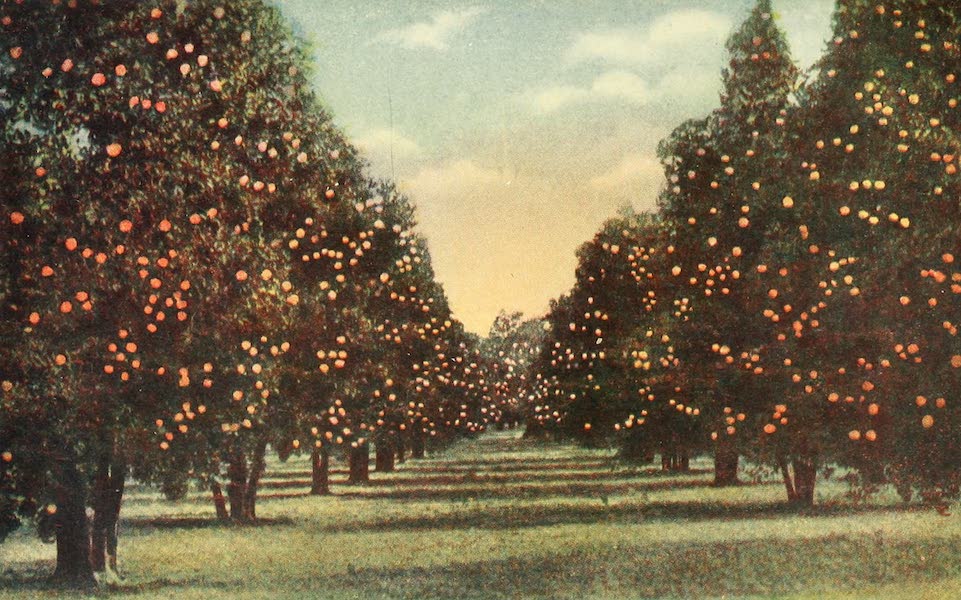 | An Orange Grove
|
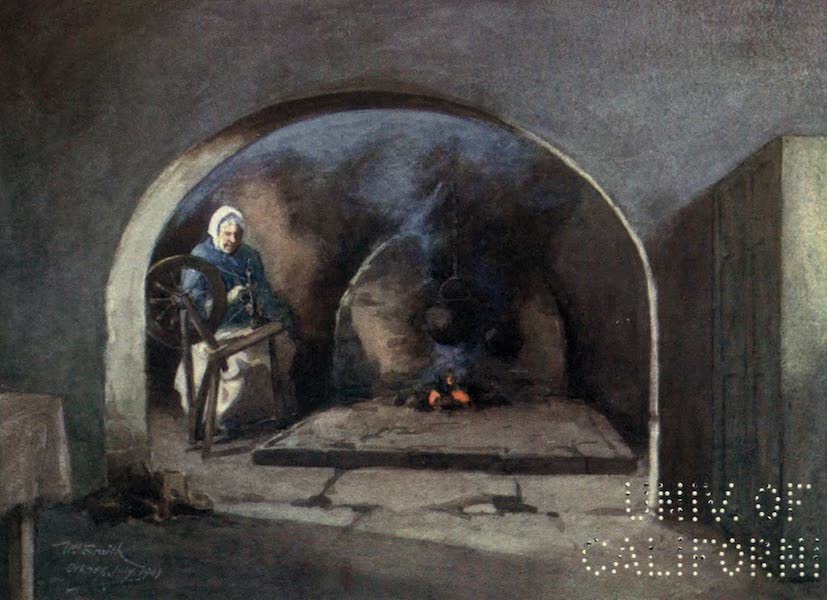 | An Orcadian Fireplace
|
 | An Orcadian Fireplace
|
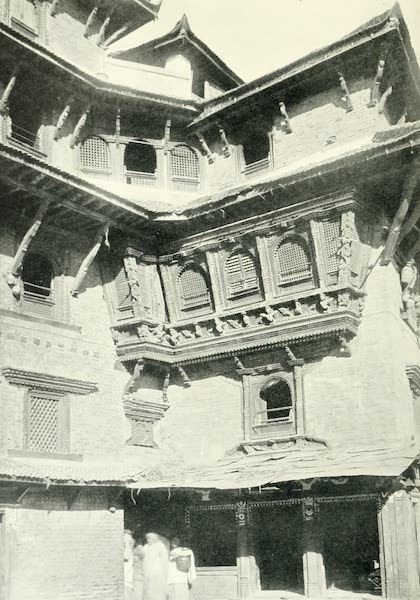 | An Oriel Window in Bhatgaon
|
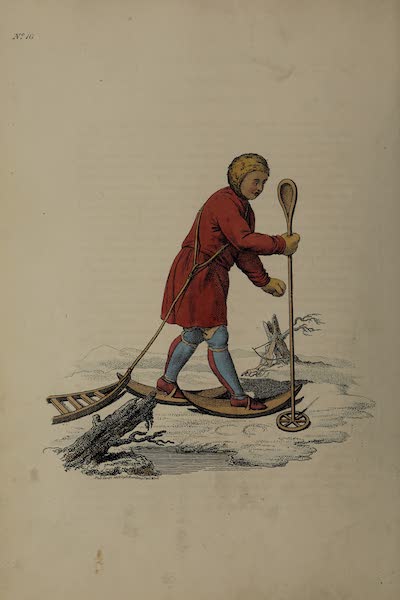 | An Ostiak Ermine-hunting
|
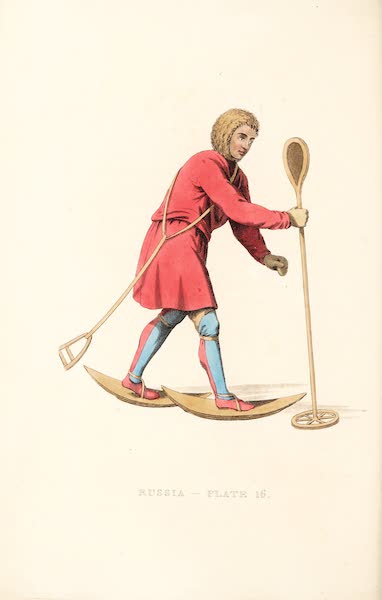 | An Ostiak in his Winter hunting dress
|
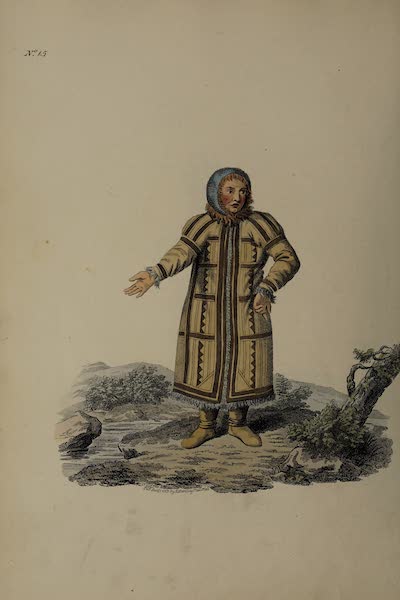 | An Ostiak of the Ob
|
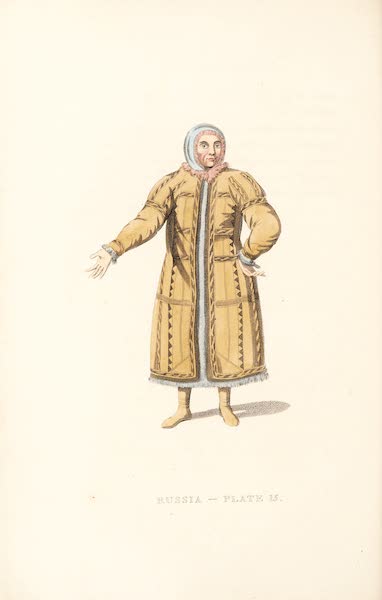 | An Ostiak of the Obe
|
 | An Ostiak, in his winter hunting dress
|
 | An Ostiak, of the Obe
|
 | An Outline to Shew the Connected Discoveries of Captains Ross, Parry and Franklin
|
 | An Overland Station - Indians Coming in with the Stage
|
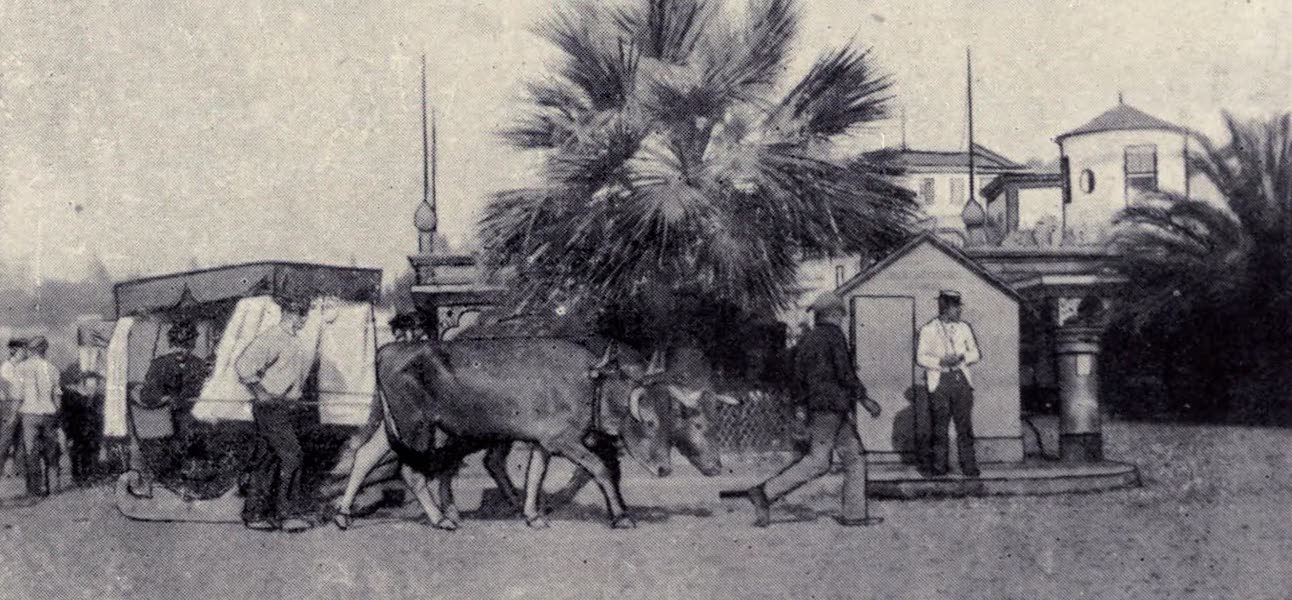 | An Ox Carro : Funchal
|
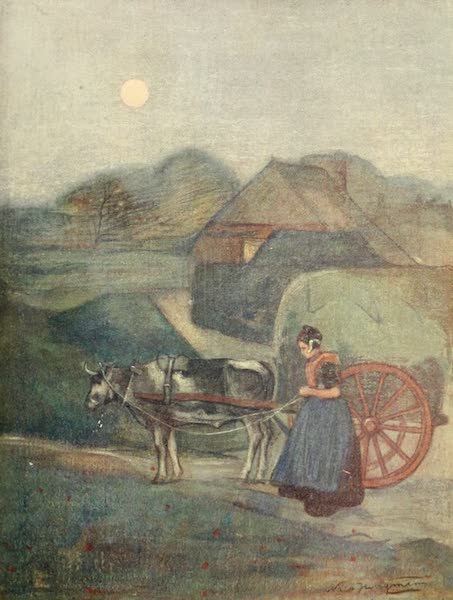 | An Ox-cart, Gelderland
|
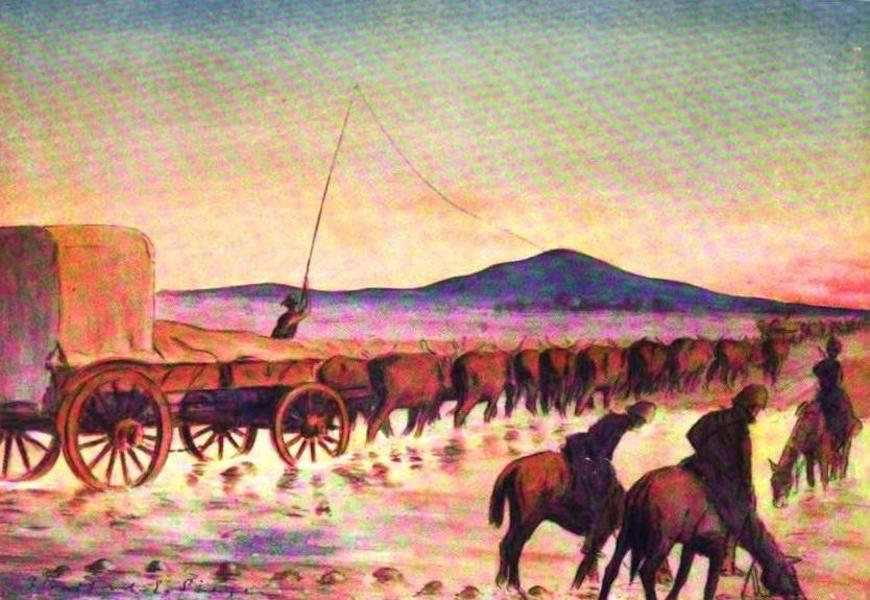 | An Ox-Convoy
|
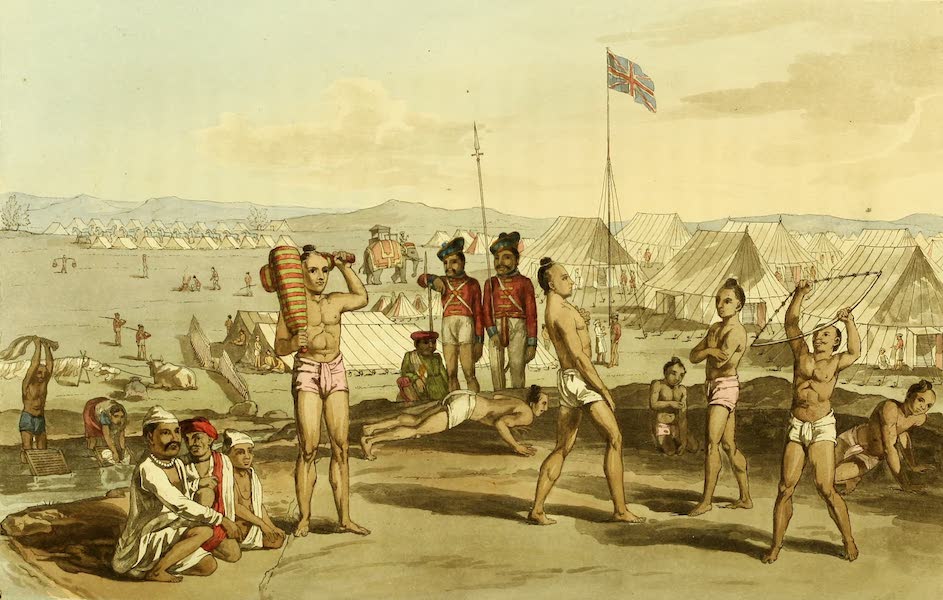 | An Ukhara with a View of the British Residents Camp
|
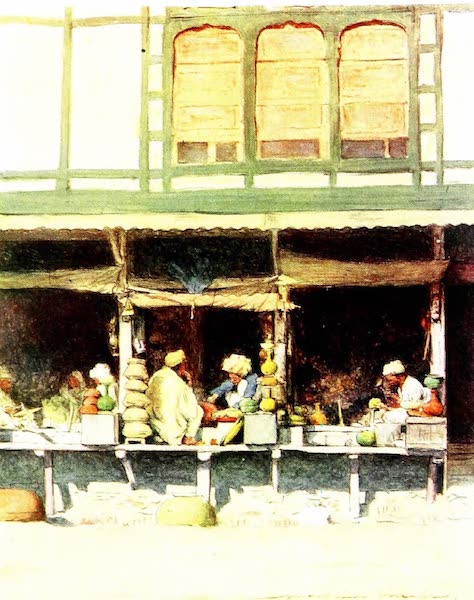 | An Unclassified Shop
|
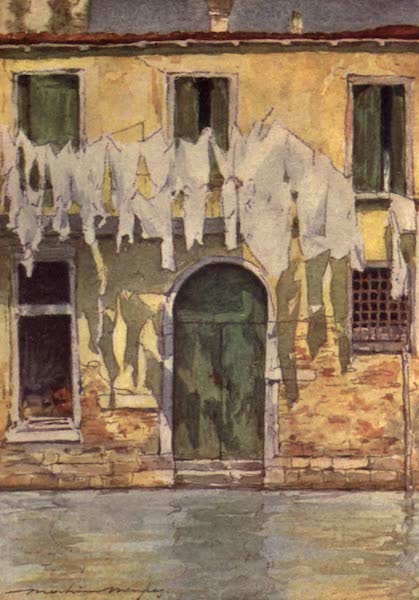 | An Unfrequented Canal
|
 | An Unmarried Female of Waldai
|
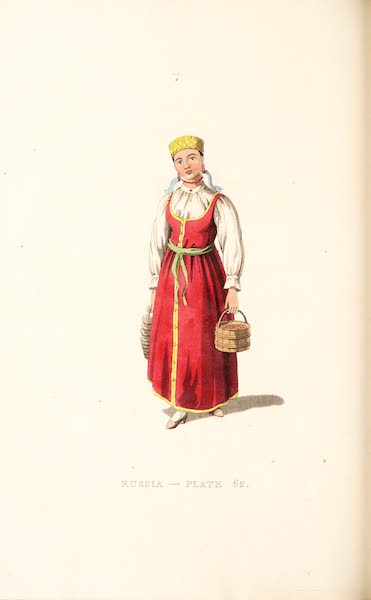 | An Unmarried Female of Waldai
|
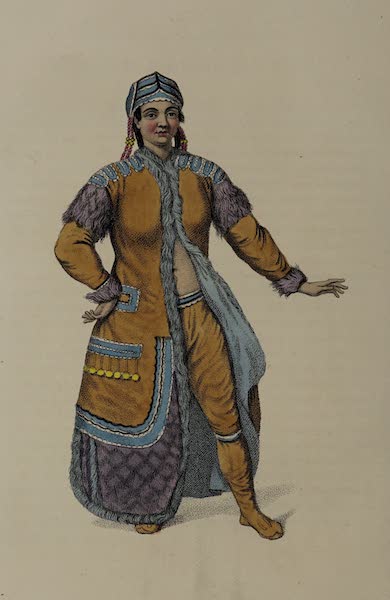 | An Unmarried Female Yakouti
|
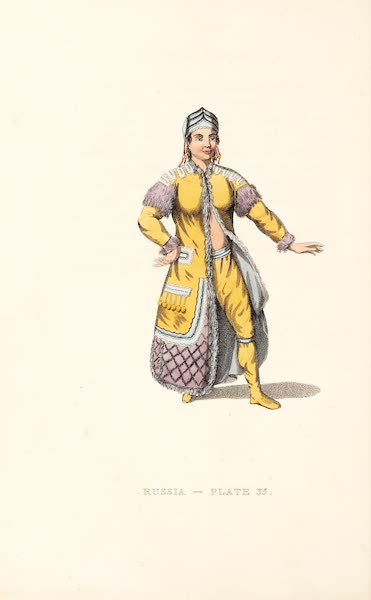 | An Unmarried Female Yakouti
|
 | An Up Country Village
|
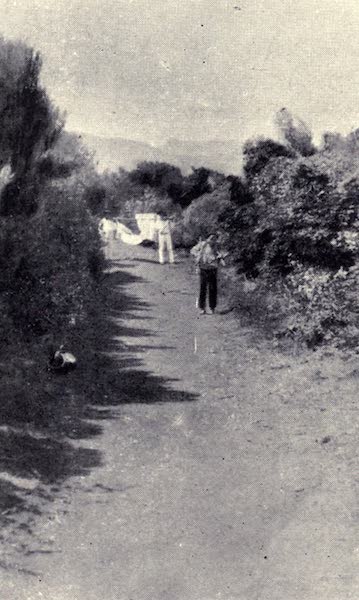 | An Upland Lane : Santo da Serra
|
 | An Uralsky Cossac
|
 | An Usher
|
 | Anadoli-Hissar, or Castle of Asia
|
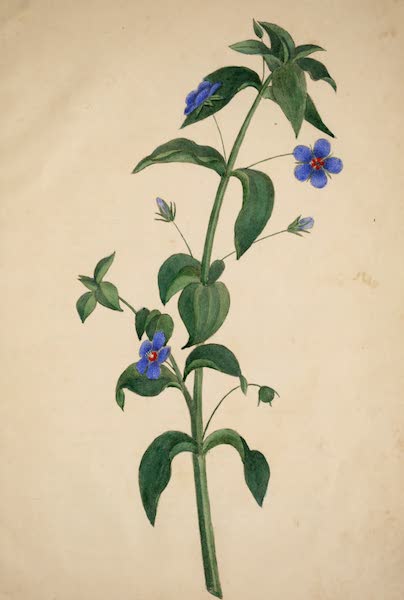 | Anagallis
|
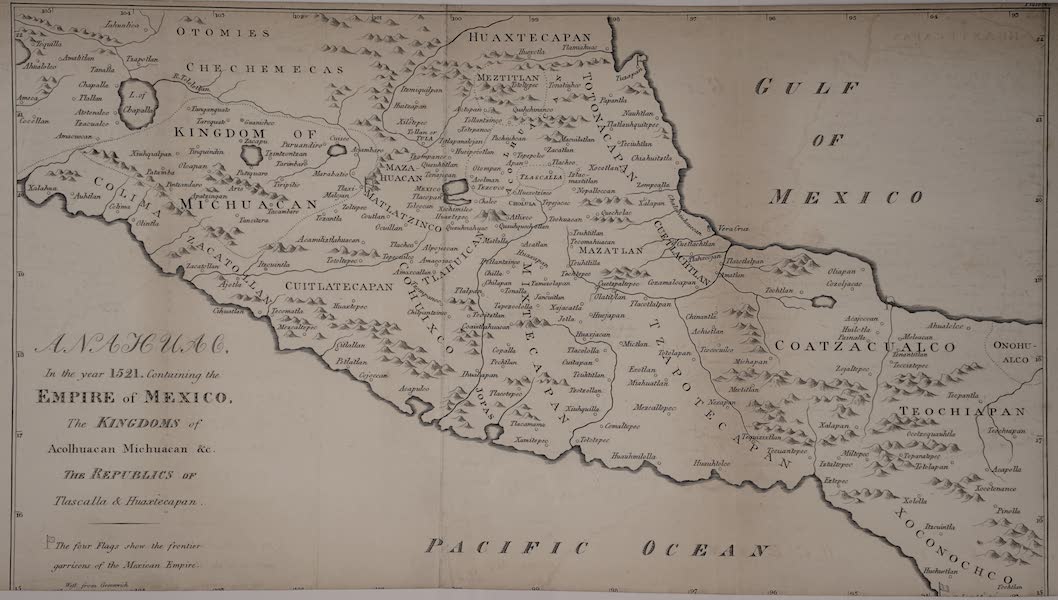 | Anahuac in the Year 1521 Containing the Empire of Mexico
|
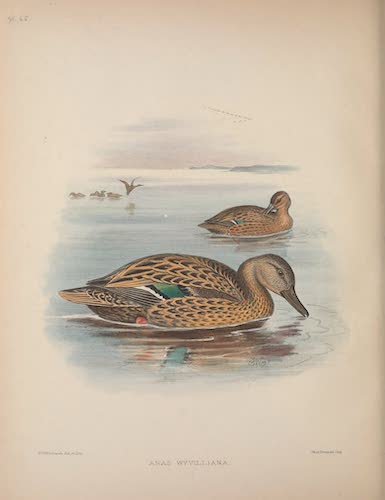 | Anas wyvilliana
|
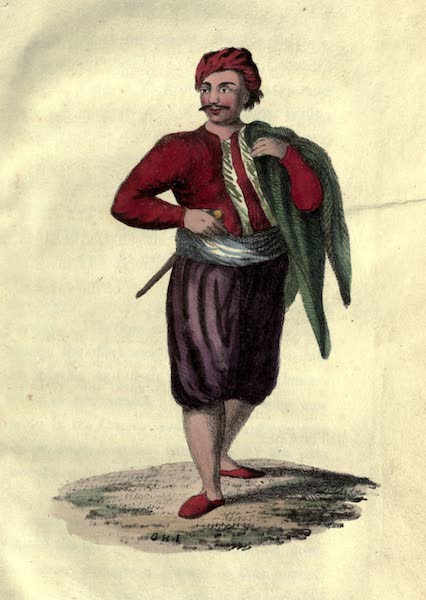 | Anatolian Greek of the Crimea
|
![Anatomical Structure of Certain Hawaiian Birds [III]](https://historyarchive.org/images/books/books-a/aves-hawaiienses-the-birds-of-the-sandwich-islands-1890/plates/73-anatomical-structure-of-certain-hawaiian-birds-III.jpg) | Anatomical Structure of Certain Hawaiian Birds [III]
|
![Anatomical Structure of Certain Hawaiian Birds [II]](https://historyarchive.org/images/books/books-a/aves-hawaiienses-the-birds-of-the-sandwich-islands-1890/plates/72-anatomical-structure-of-certain-hawaiian-birds-II.jpg) | Anatomical Structure of Certain Hawaiian Birds [II]
|
![Anatomical Structure of Certain Hawaiian Birds [I]](https://historyarchive.org/images/books/books-a/aves-hawaiienses-the-birds-of-the-sandwich-islands-1890/plates/71-anatomical-structure-of-certain-hawaiian-birds-I.jpg) | Anatomical Structure of Certain Hawaiian Birds [I]
|
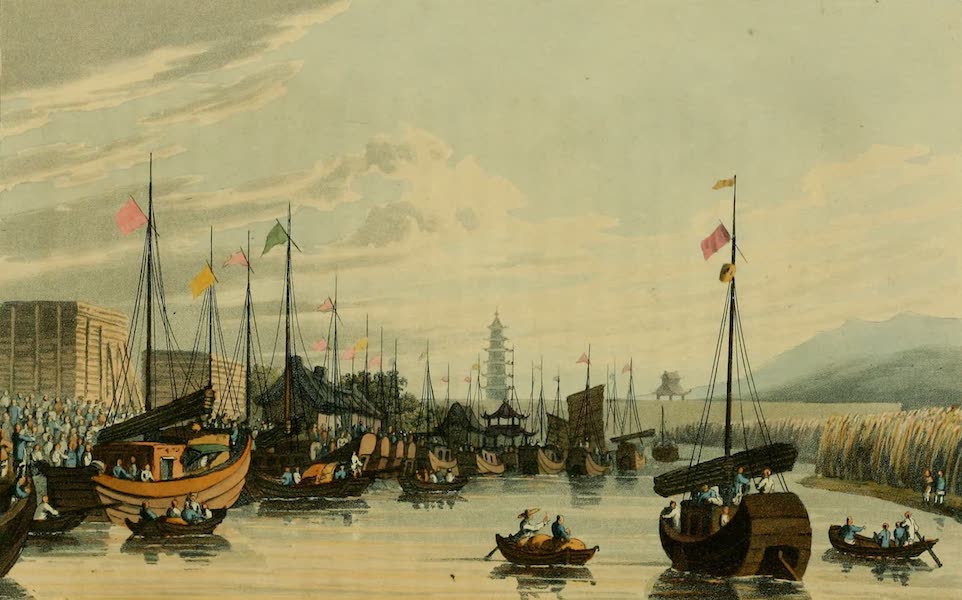 | Anchorage at Tong-Chow
|
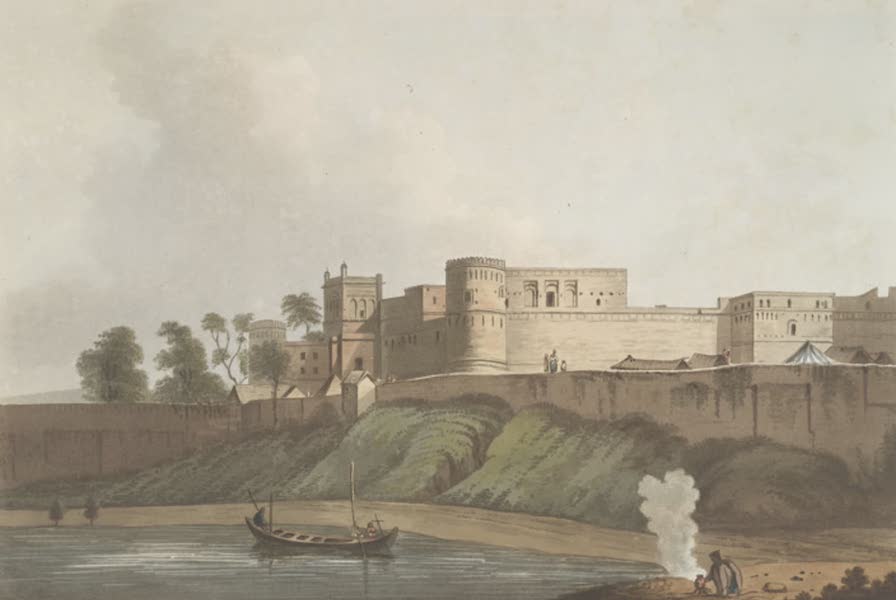 | Anchshur, a Vakeel's Castle in the Territory of Bengal
Plate twelve from '24 Views in Indostan by William Orme'. This picture is based on an original painted by Francis Swaine Ward (1736-94), and probably depicts the Nawab of Bengal's palace at Anupshahr (U.P.) in the mid to late eighteenth century. Anupshahr became an important town for the British East India Company because it was the northernmost point for shipping traffic on the River Ganges, and the location of an East India Company factory. |
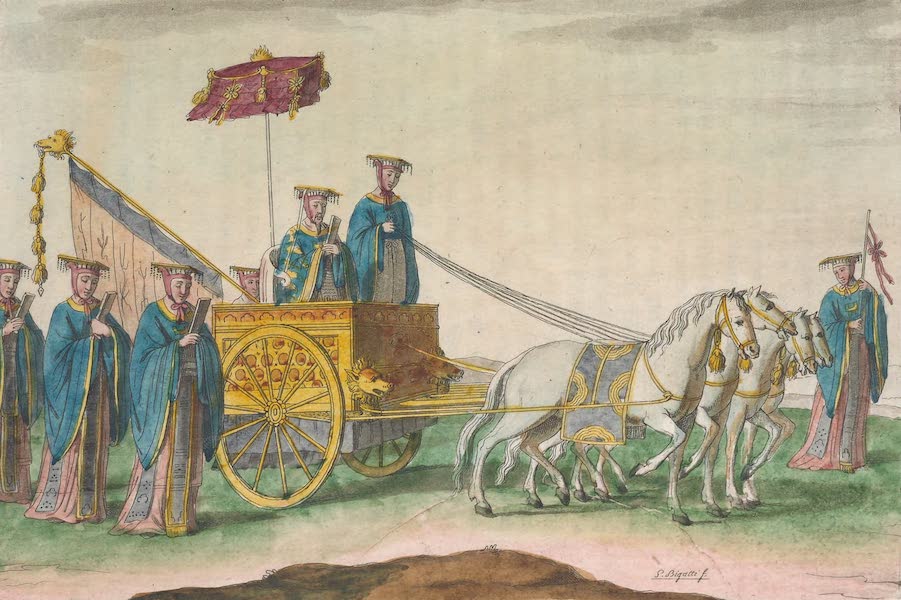 | Ancien Empereur dans son char
|
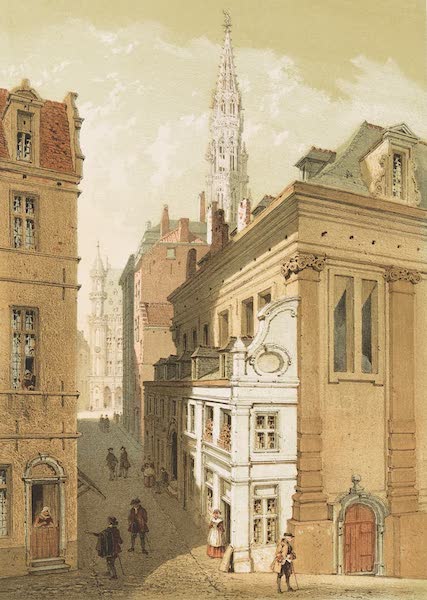 | Ancienne Boucherie et Tour de l'Hotel de Ville a Bruxelles
|
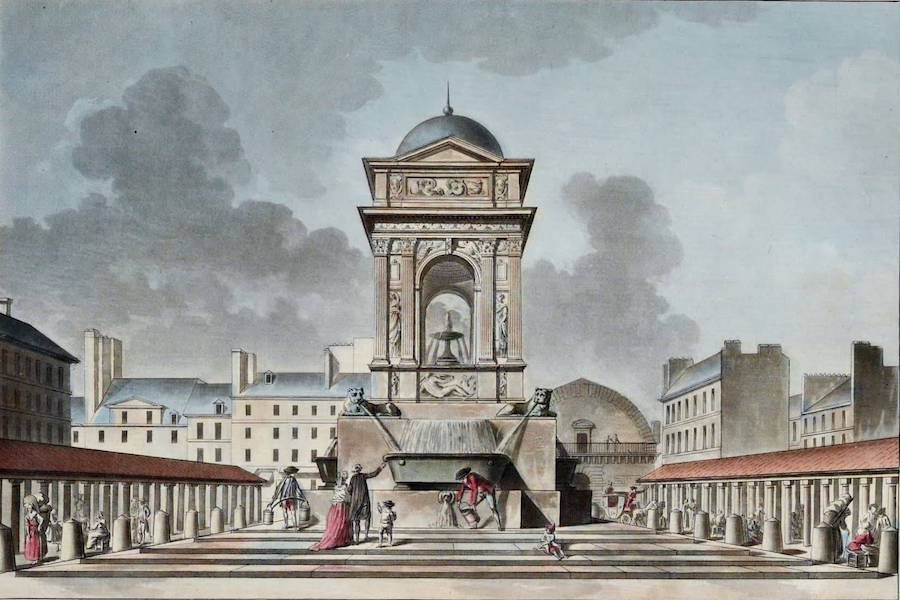 | Ancienne Fontaine des Innocens
|
 | Ancienne Lorette, near Quebec Church of Annunciation
|
 | Ancienne maison de Cumassi
|
 | Ancienne Orangerie du Chateau de Montigny
|
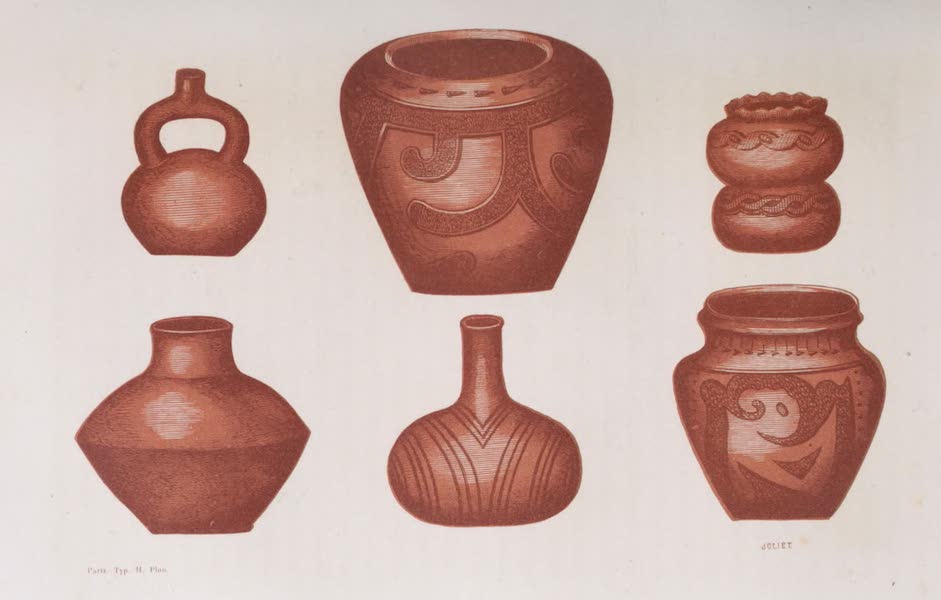 | Ancienne Poterie
|
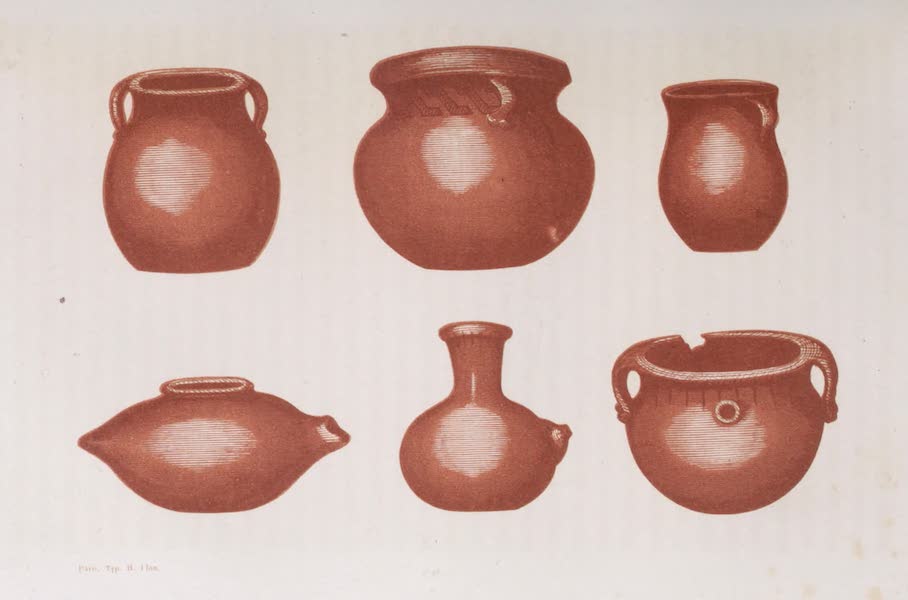 | Ancienne Poterie
|
 | Anciennes armes de Chinois
|
 | Anciennes Fortifications
|
 | Anciennes Halles a Louvain
|
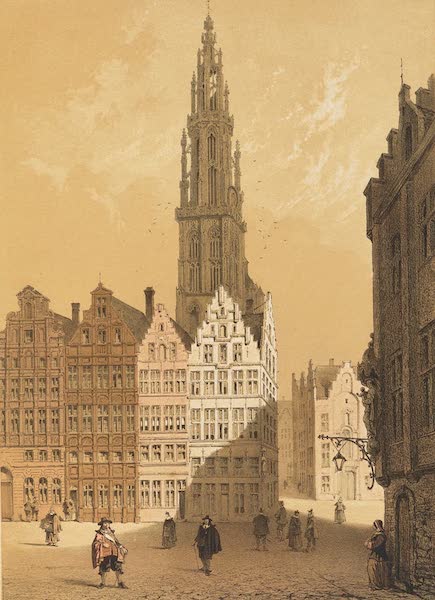 | Anciennes Maisons des Corporations a Anvers
|
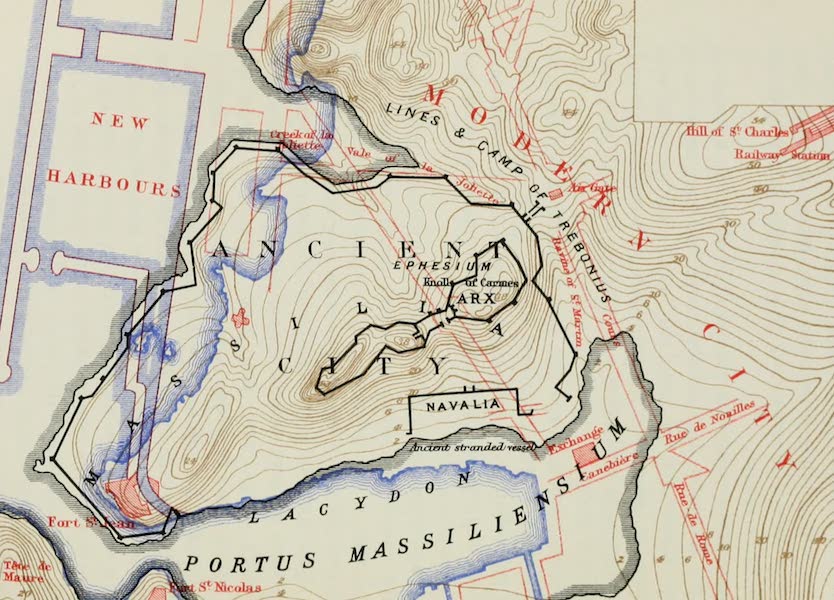 | Ancient and Modern Cities and Harbours of Massilia (Marseilles)
|
 | Ancient and Modern Frejus
|
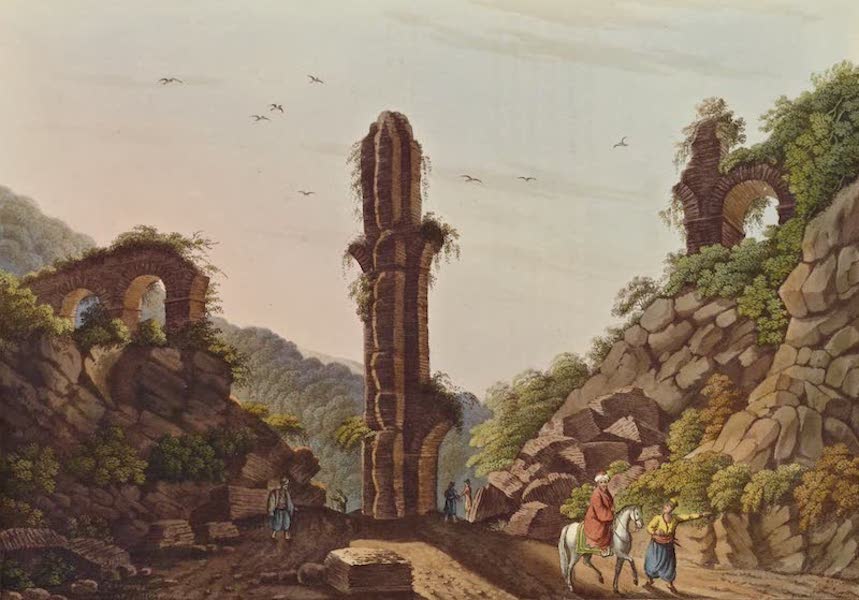 | Ancient Aqueduct in Samos
|
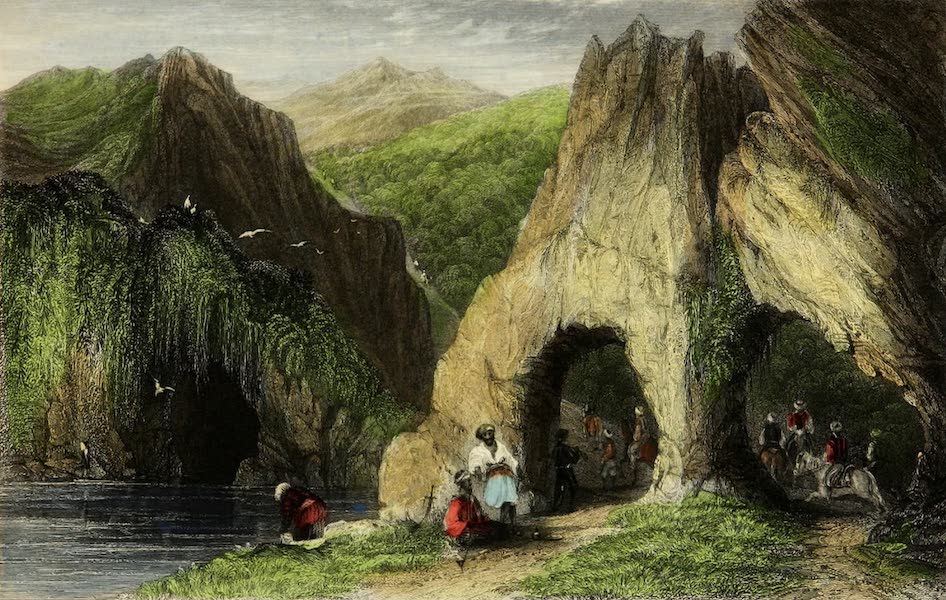 | Ancient Archway and Cavern in the Balkan Mountains
|
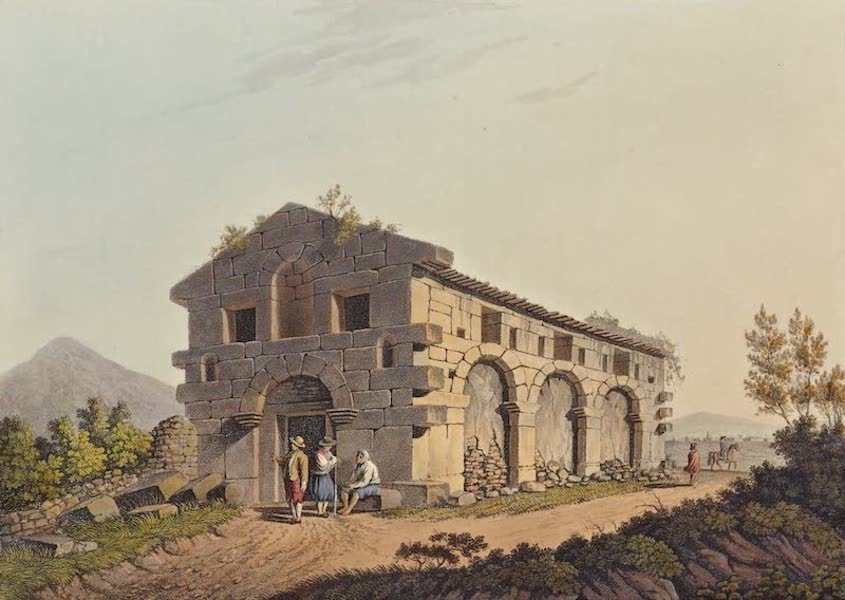 | Ancient Bath near the Fountains of the Palici
|
 | Ancient Bell Tower, Windsor Castle
|
 | Ancient Bridge, Chapoo
|
 | Ancient Bronze Mask. A Steel Skull-cap With Guard of Very Fine Chain Mail. the Branks
|
 | Ancient Cisternin Val di Noto
|
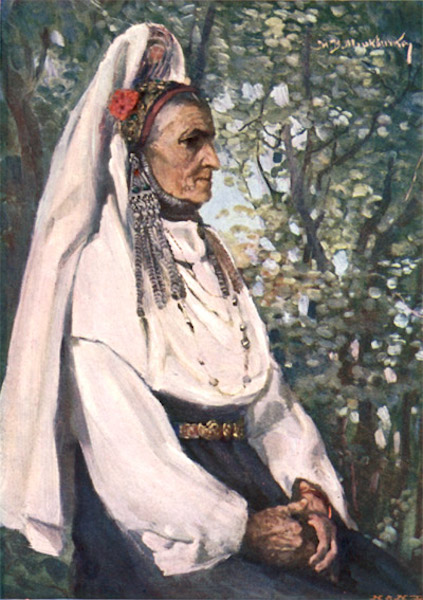 | Ancient Costume of Balkan Peasant Women near Gabrovo
|
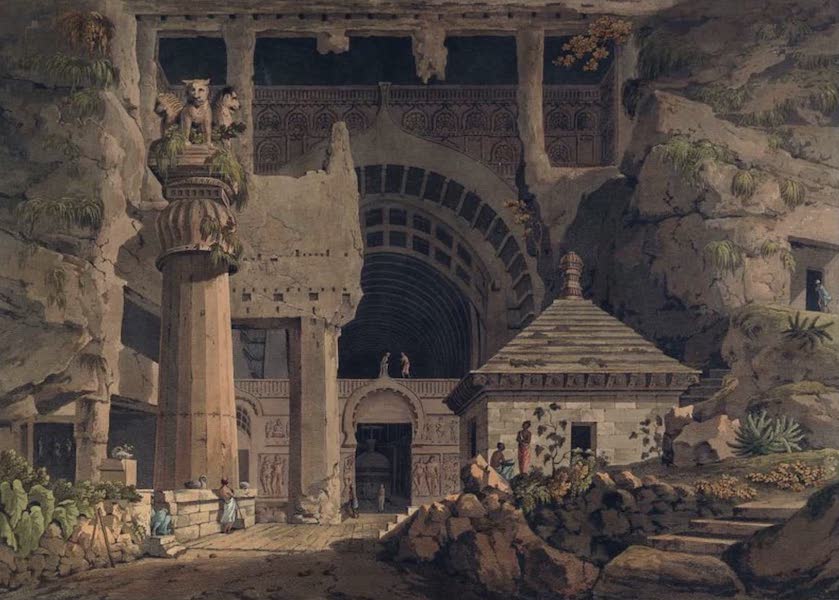 | Ancient Excavations at Carli
This aquatint shows the great Buddhist Chaitya (hall of worship) at Karli (Karle). Dating from some time between the second century BC and the first century AD, the Karli caves are in the Poona district of Maharashtra, and this chaitya is the largest rock-cut cave in India. Explorer and earl, George Annesley described the carvings and entrance screens as greatly damaged by human hand, but was much impressed by the grandeur of the huge arched roof. The cave is also distinguished by the entrance pillar, which is 24 feet high and eight feet in diameter, with a summit carving of four lions. |
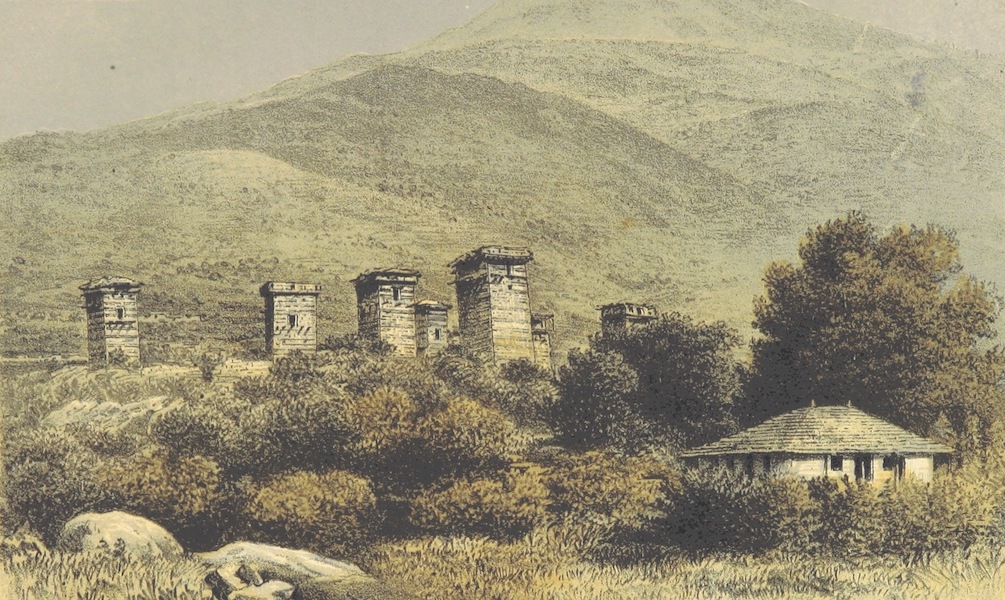 | Ancient Fort, Bajara, and Tea Planter's House
|
 | Ancient Gate of Methana
|
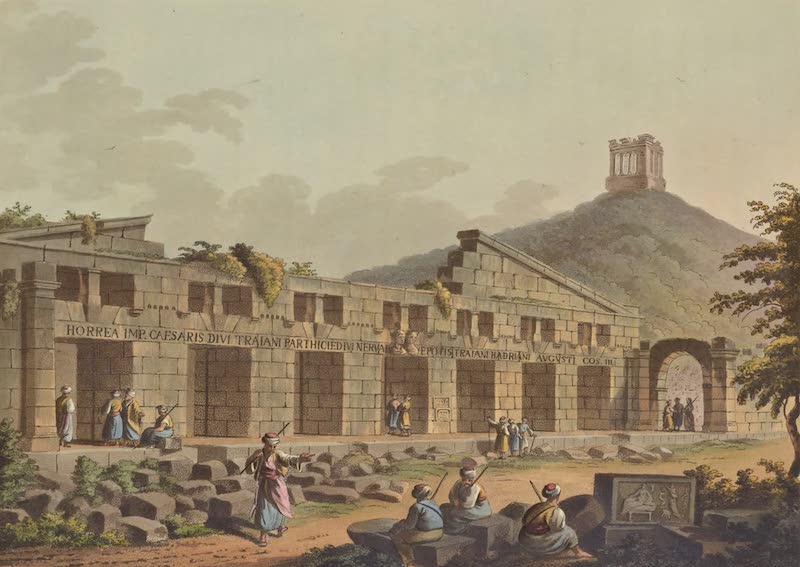 | Ancient Granary at Cacamo
|
 | Ancient Greek Aqueduct
|
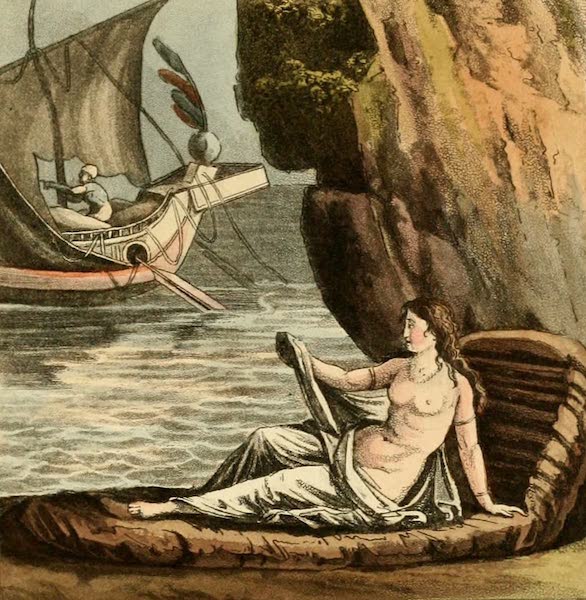 | Ancient Greek Paintings from Herculaneum (I)
|
 | Ancient Greek Paintings from Herculaneum (II)
|
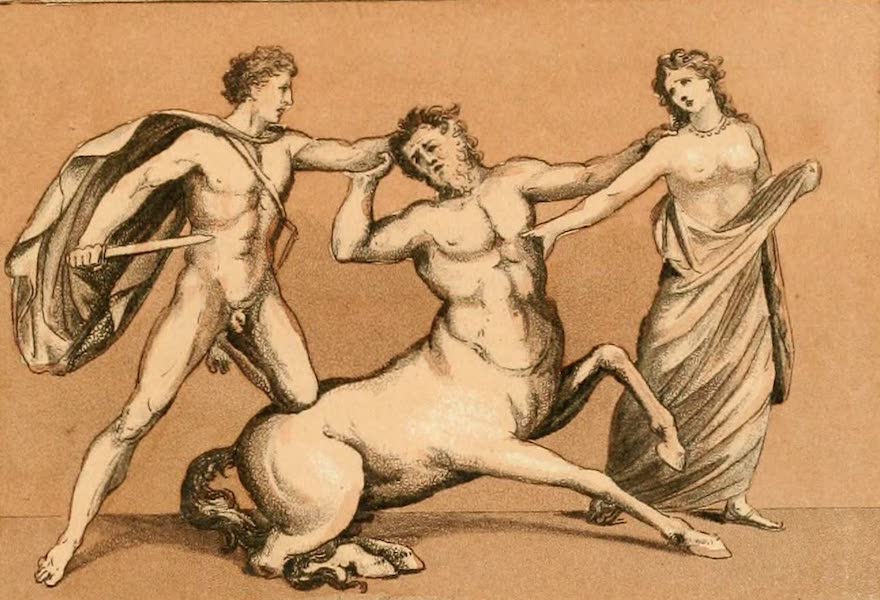 | Ancient Greek paintings from Herculaneum (III)
|
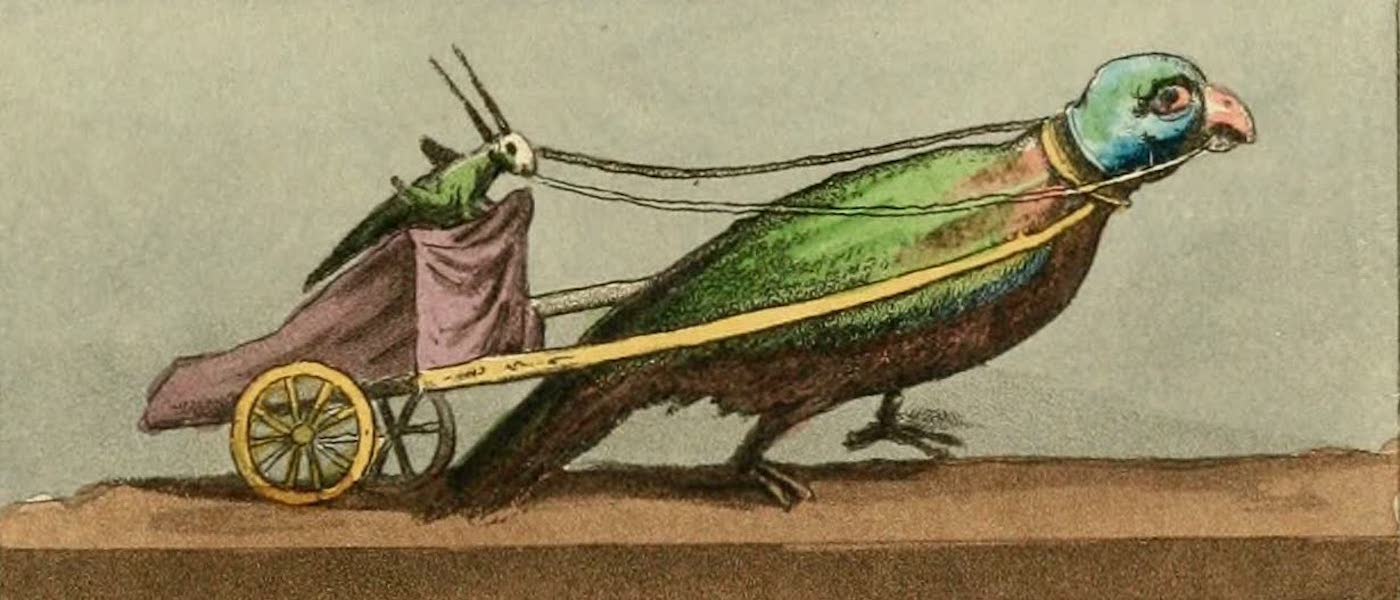 | Ancient Greek paintings from Herculaneum (IV)
|
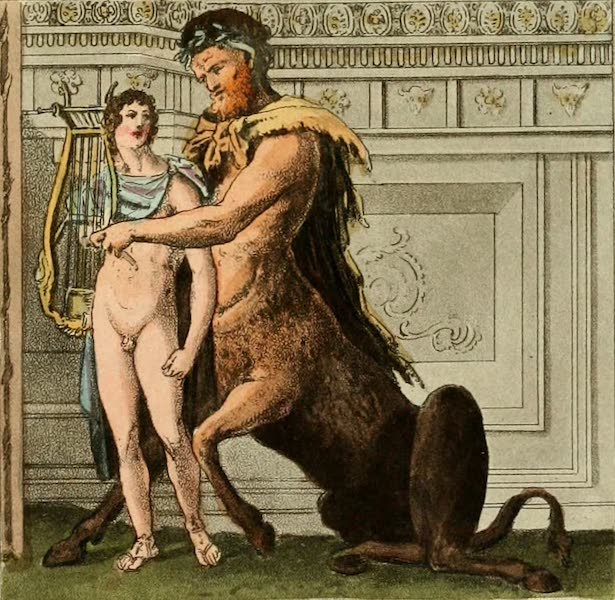 | Ancient Greek paintings from Herculaneum (V)
|
 | Ancient Hand - Mill at Mount Tabor
|
 | Ancient Hindu Ruins at Kanauj
|
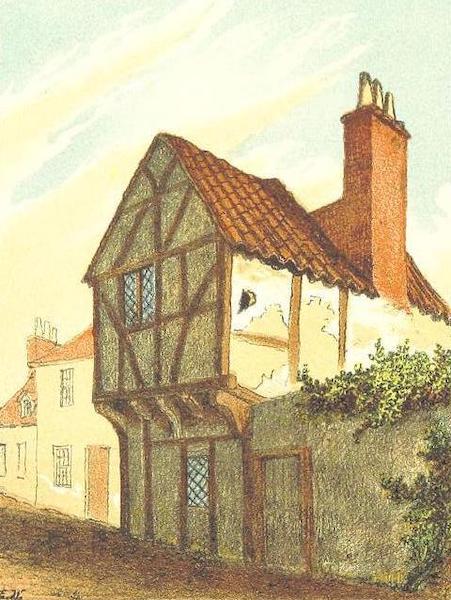 | Ancient House, Archer Lane
|
 | Ancient Jain Temple
|
 | Ancient Kitchen, Windsor Castle
|
 | Ancient Lake System of Ladak
|
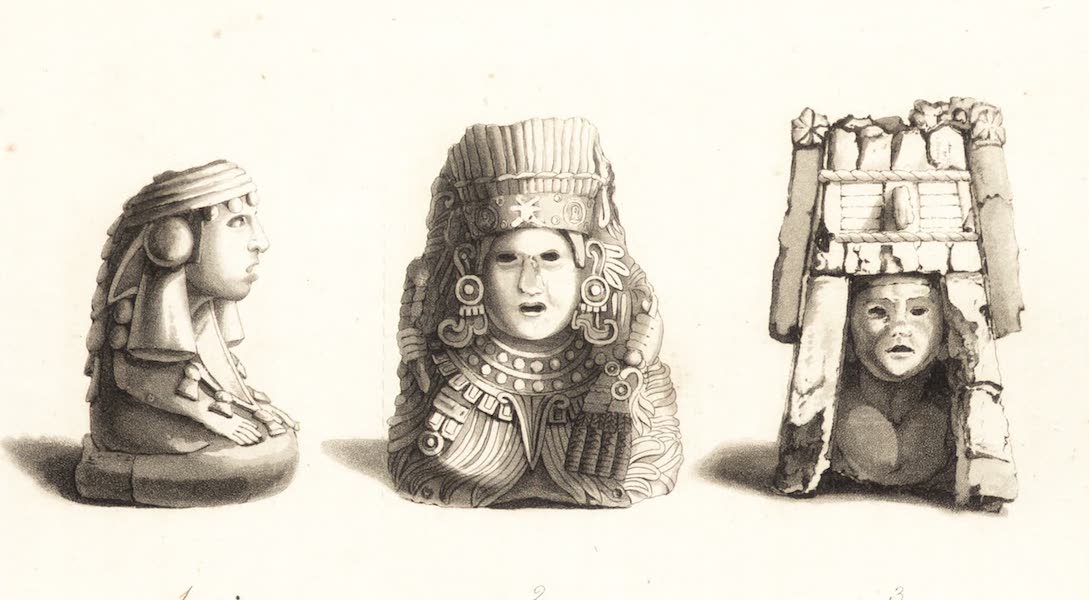 | Ancient Mexican Sculpture - Plate I
|
 | Ancient Mexican Sculpture - Plate II
|
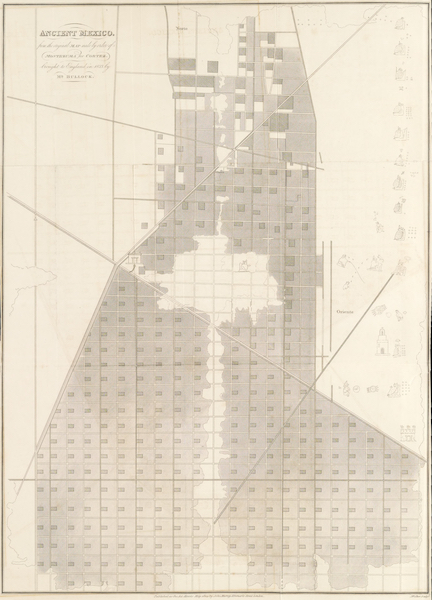 | Ancient Mexico from the original map made by order of Montezuma for Cortes
|
 | Ancient Palestine
Palestine in outline color with illustrations including the Tomb of Absalom, the ancient cedars of Lebanon, the Church of the Holy Sepulchre, and Nazareth. Rectangular designs make up the border that surrounds the map. |
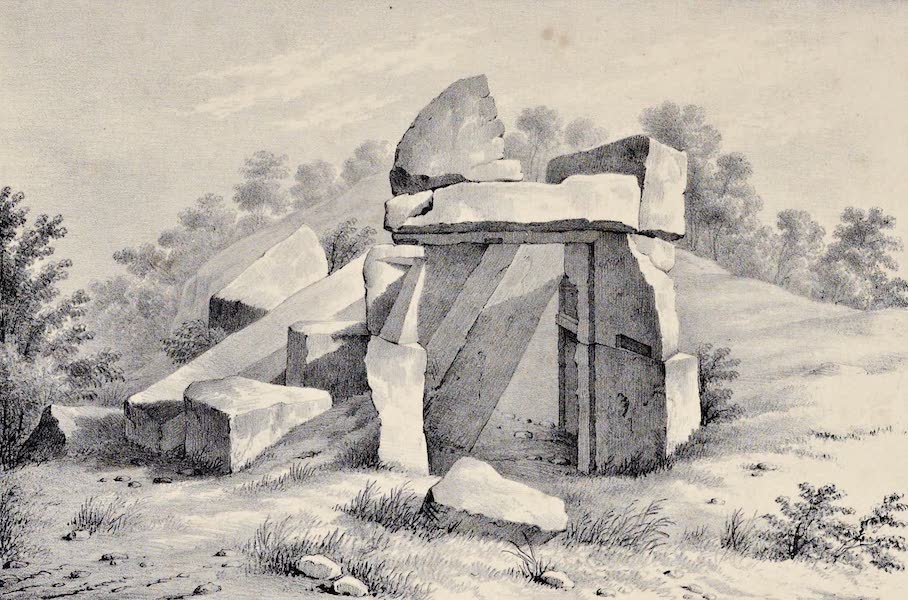 | Ancient Sepulchre near Cortona
|
 | Ancient Sepulchre near Delphi
|
 | Ancient Sepulchre near Macri
|
 | Ancient Staircase (Round Tower) Windsor Castle
|
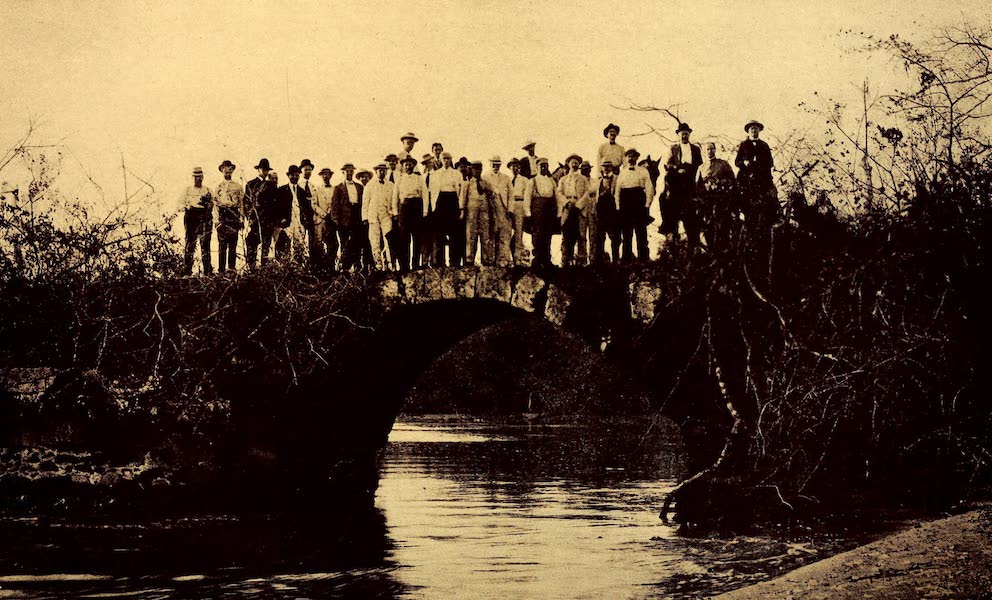 | Ancient stone bridge at Old Panama
|
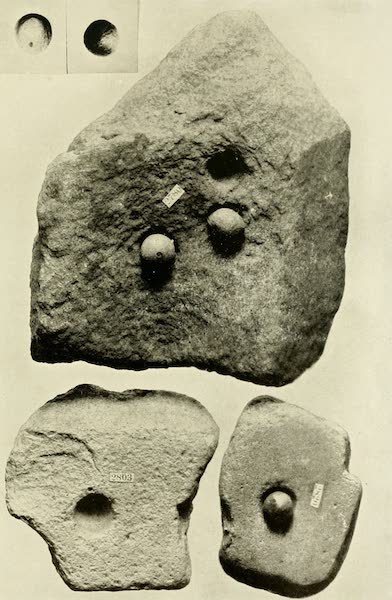 | Ancient Stones Employed for Nut-crushing
|
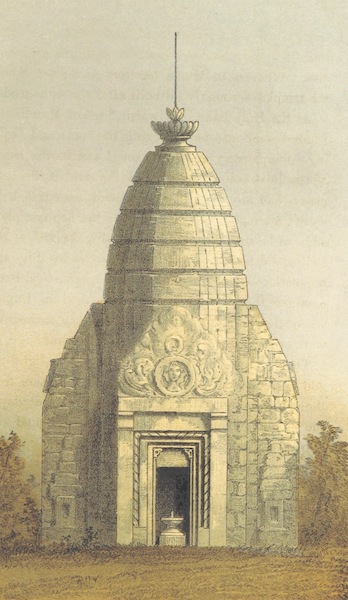 | Ancient Temple at Bajara
|
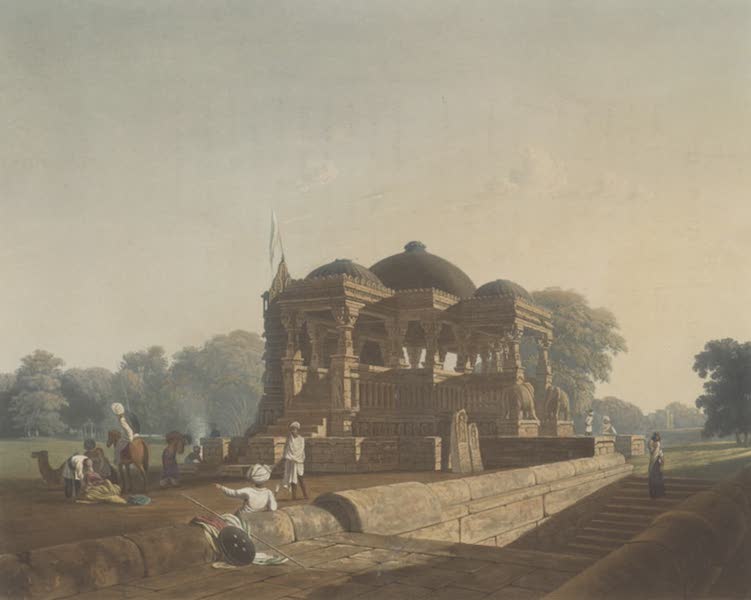 | Ancient Temple at Hulwud
This is plate 4 of Robert Melville Grindlay's 'Scenery, Costumes and Architecture chiefly on the Western Side of India'. Grindlay (1786-1877) worked for the East India Company and was an artist in his spare time. During his stay in India, he made a collection of sketches and drawings. Halvad was the former capital of Dhrangadhara state in Gujarat and was ruled by the Jhala Rajputs. It is an ancient fortified town at the southern edge of the little Rann of Kutch. Halvad has four step-wells and six temples devoted to the Hindu god Shiva. The Bhavani temple and the Bhuteshwar Mahadev temple at the cremation ground are thought to be at least 500 years old. According to Grindlay, the temple shown in this plate is dedicated to Shiva in his role of regenerator. In the foreground is a step-well. Grindlay commented: "These subterranean reservoirs present, throughout Guzerat, some of the most splendid specimens of architecture, combining utility with unbounded richness of sculpture, and containing, in many instances, chambers and galleries for retreat during the oppressive heat of midday." |
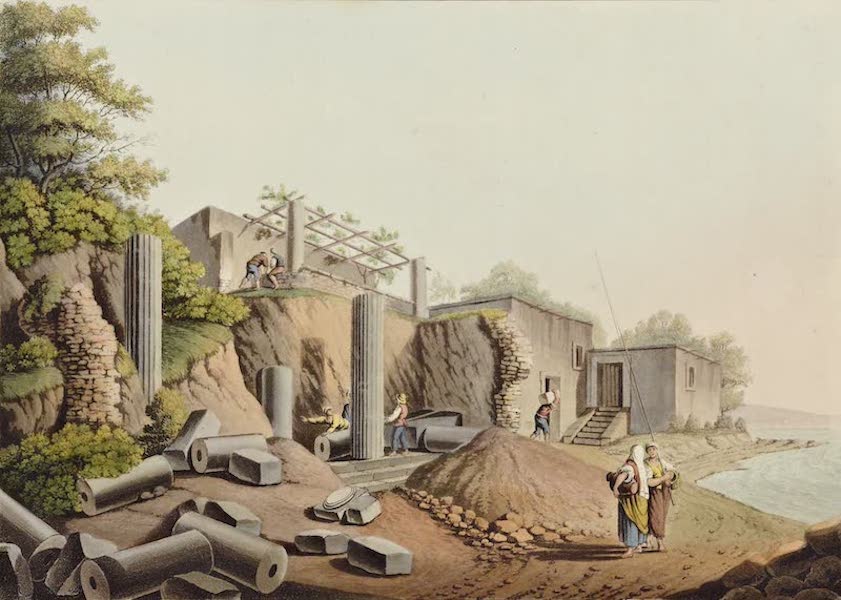 | Ancient Temple in the Island of Salina
|
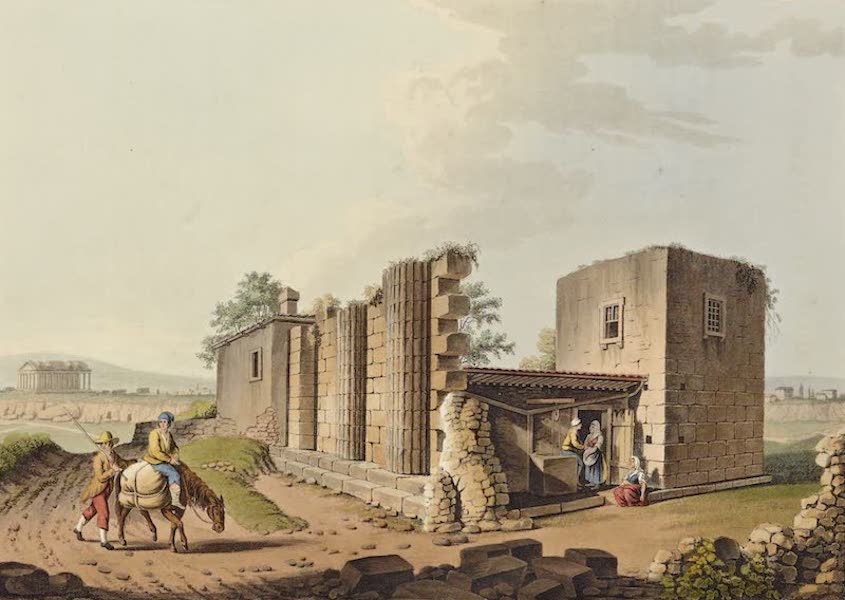 | Ancient Temples at Agrigentum
|
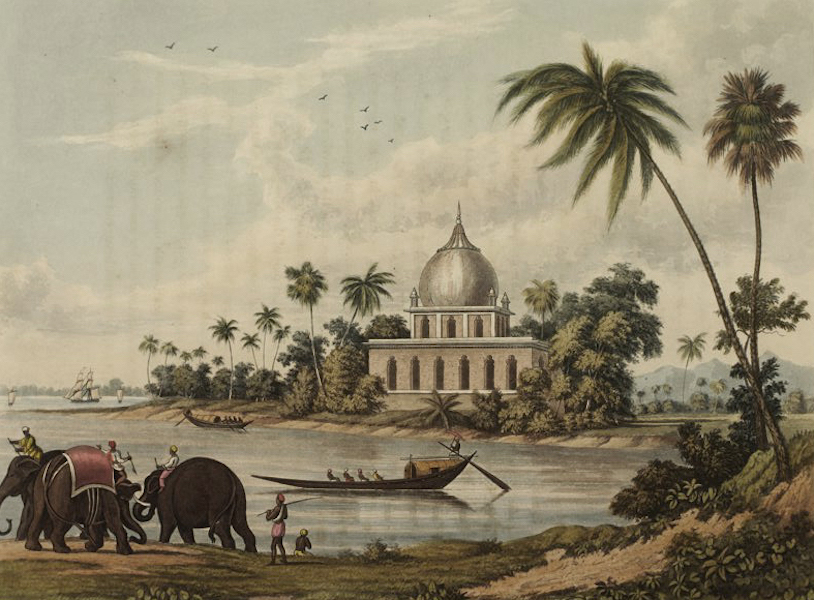 | Ancient Tomb at the confluence of the Boglipore Nulla and the Ganges
This is plate 8 from Charles Ramus Forrest's 'A Picturesque tour along the rivers Ganges and Jumna, in India'. Forrest was an East India Company official who made excursions in 1807/08 along the rivers producing drawings "attentively copied from nature, and in many instances coloured on the spot, ... while the magic effects of the scenes represented were still impressed on his mental vision". He wrote: "The Ganges at Boglipore forms a considerable elbow, not only by the tracing of its coast, but by shoal and bank of sand ... There is a small branch of the river, which at some period, has been formed by nature, which cuts off at this point, and being still water, offers a far easier and more certain passage in all states of the wind. This branch is called the Boglipore nullah, and admits boats and vessels of the ordinary size used in the transport of various articles of merchandise." At the spot where the nullah rejoins the river are "the remains of a large mausoleum, which furnish a specimen of this style of building", as represented on this plate. |
 | Ancient Tomb in the Garden at Pallazuola
|
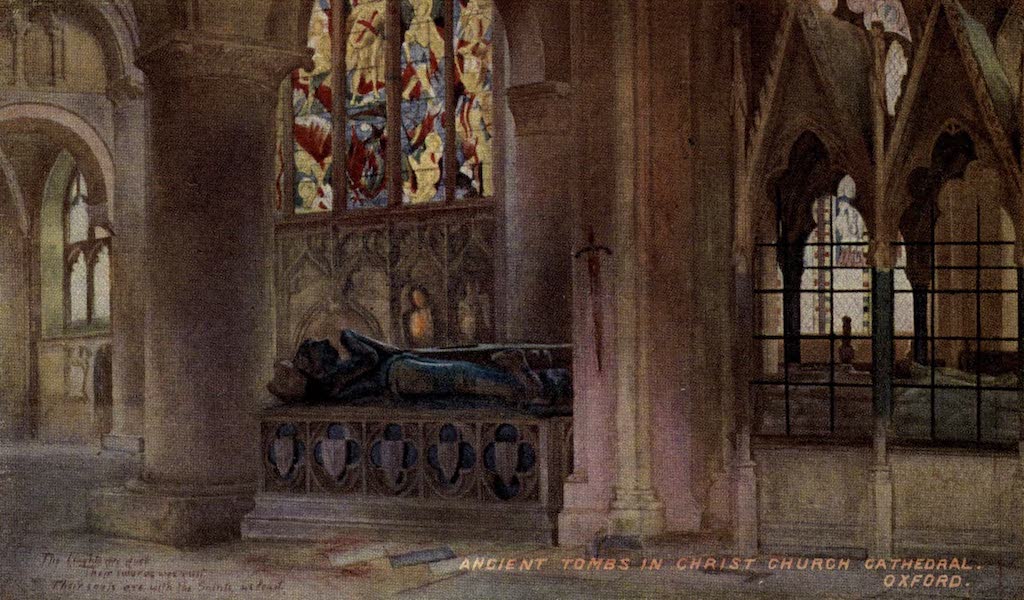 | Ancient Tombs in Christ Church Cathedral, Oxford
|
 | Ancient Tombs, Amoy
|
 | Ancient Towers at Bhaugulpore
|
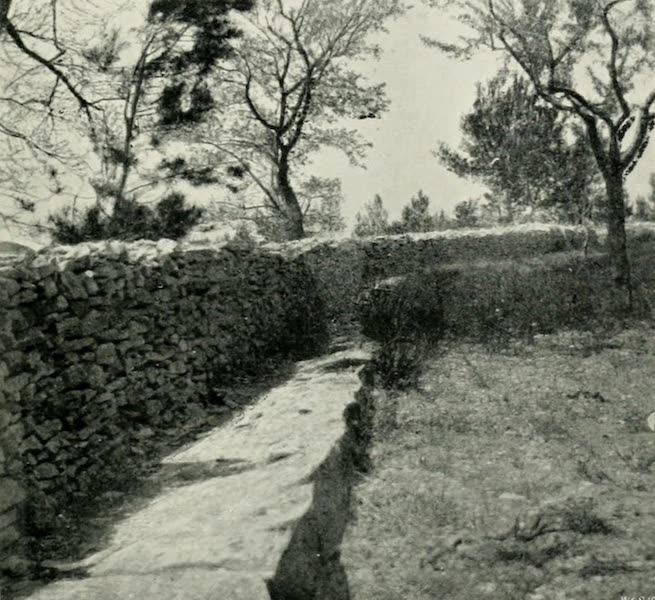 | Ancient Wall and Raised Footway at Entremont
|
 | Ancient Walls and Modern Gate at Terracina
|
 | Ancient Watch-Tower, Approach to Petra
|
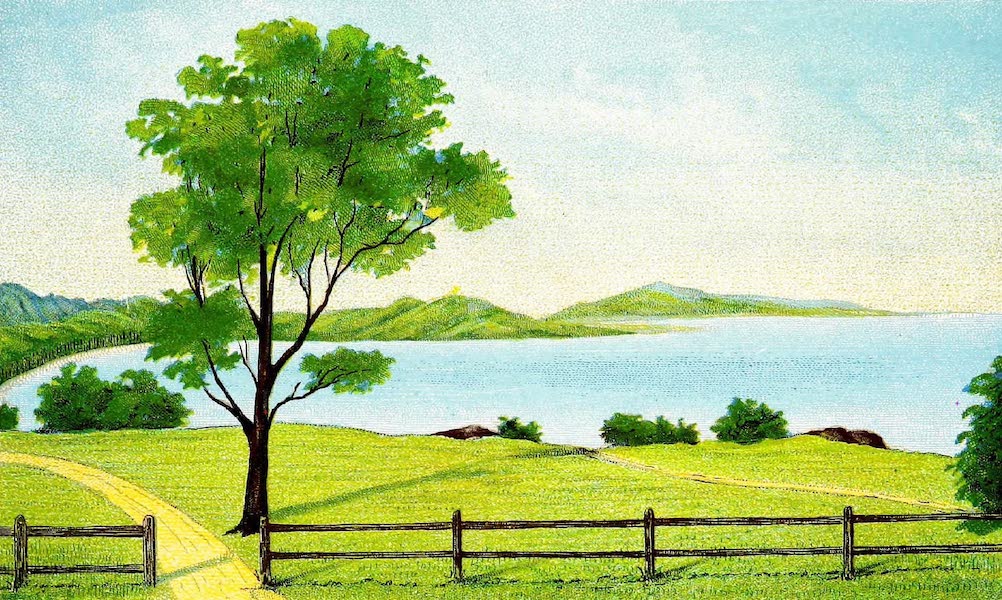 | Ancola and Gokern Headlands
|
 | Ancona
|
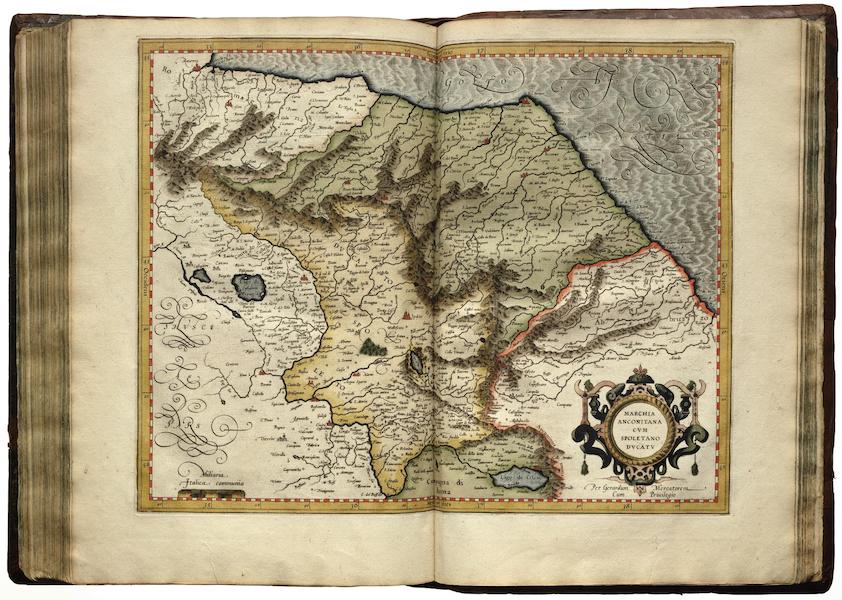 | Anconitana
|
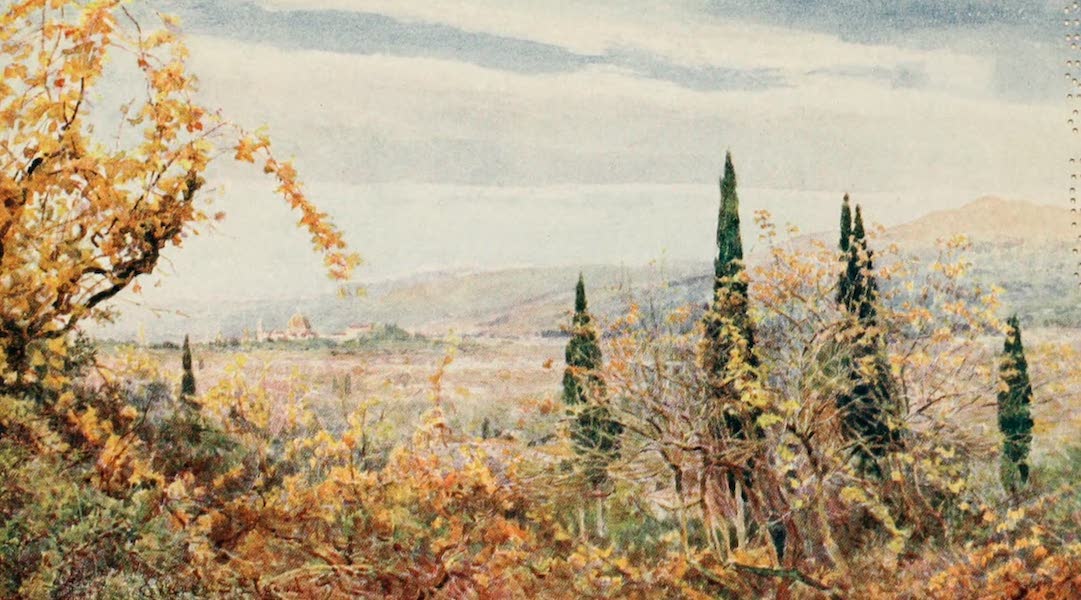 | And out of a valley of grape and grain there blossoms a City of domes and towers'
|
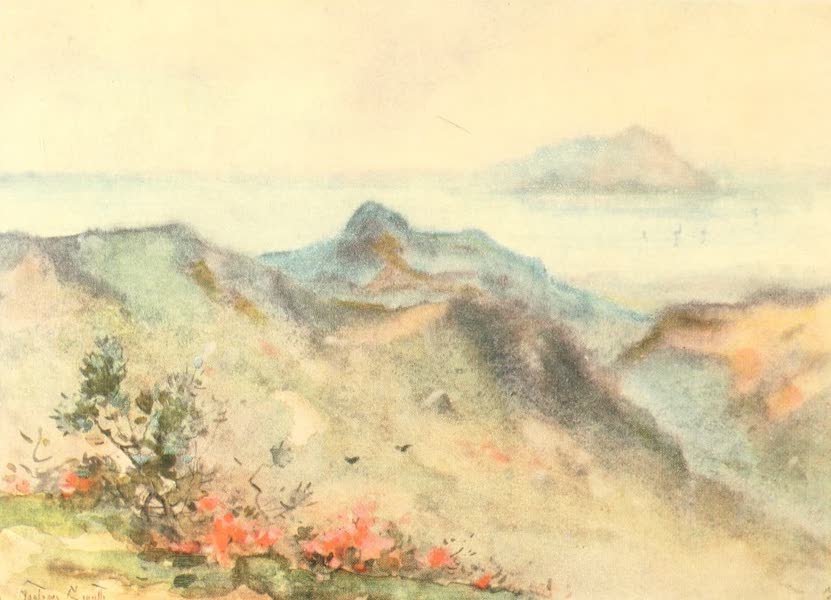 | And then sometimes even in Japan the Mist comes and obliterates the distant Landscape
|
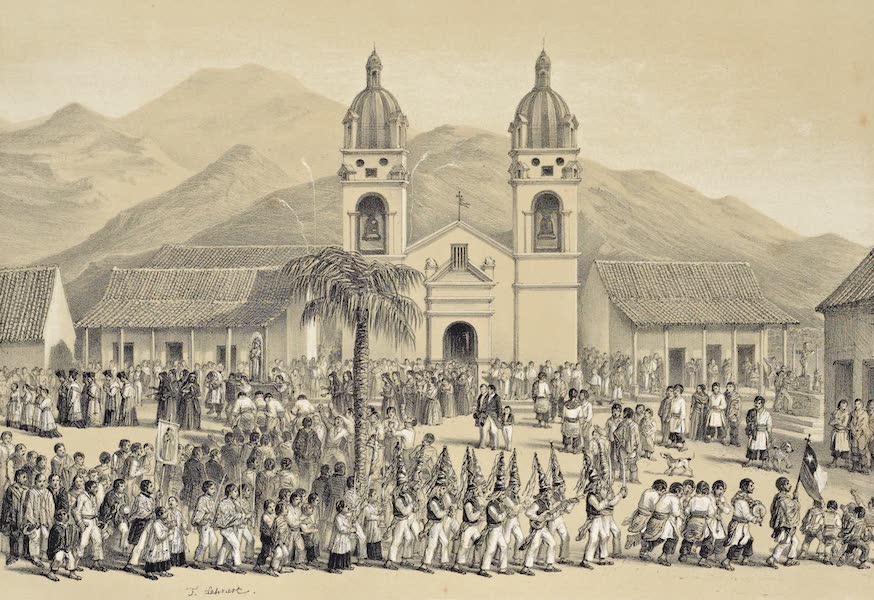 | Andacollo (26 Dicciembre 1836)
|
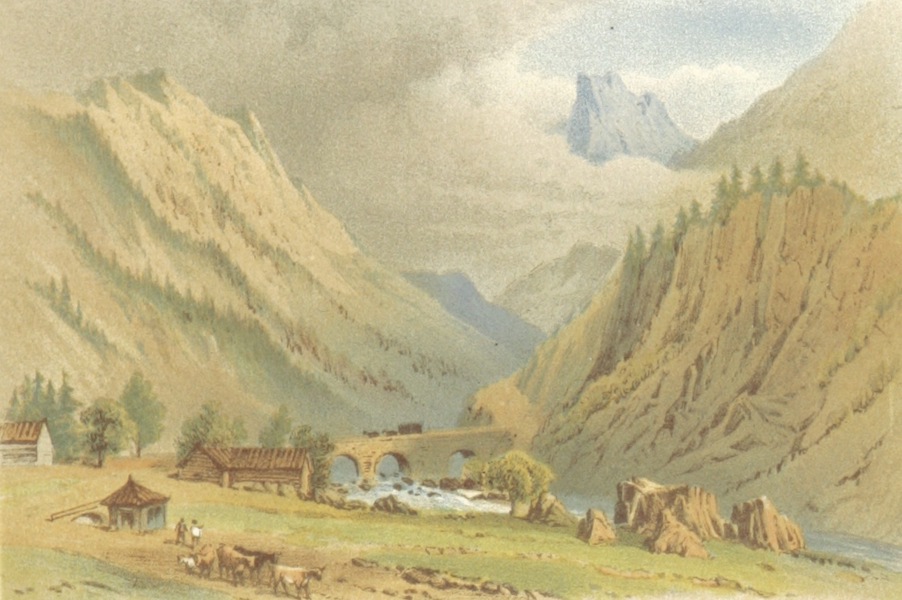 | Andermatt
|
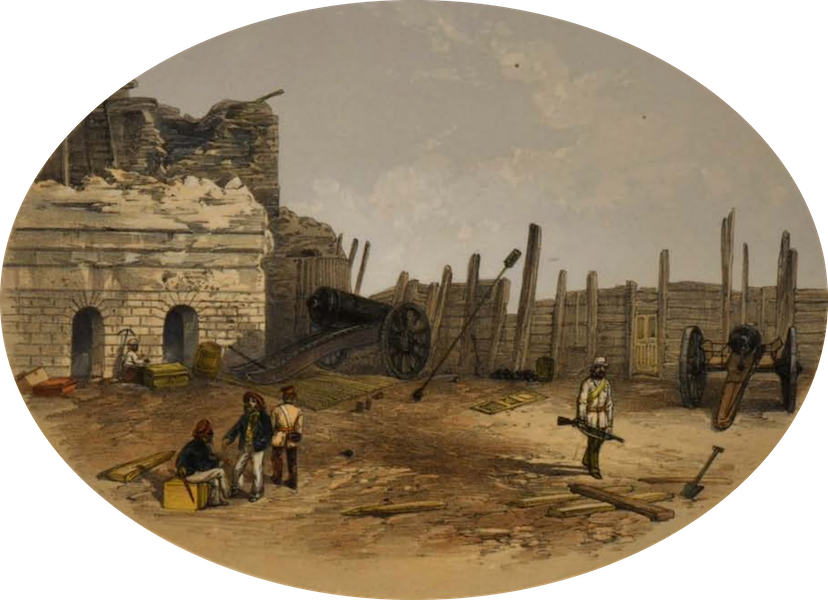 | Anderson's Battery
|
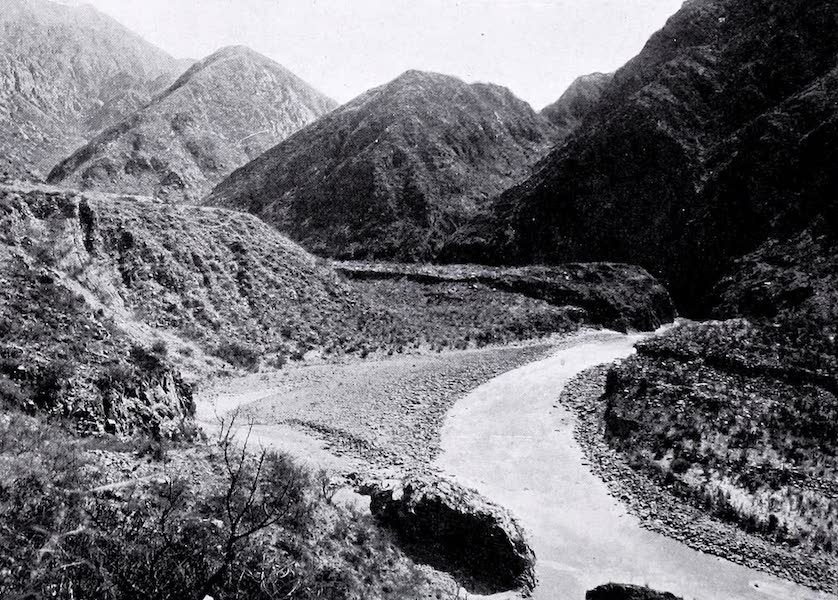 | Andine Scenery
|
 | Andine Scenery
|
 | Andrea Mantegna - Parnassus
|
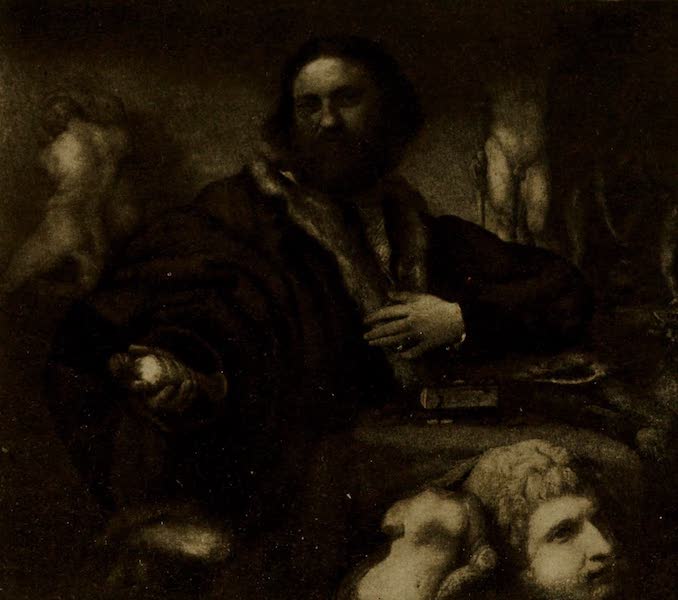 | Andrea Odoni. Lotto (Hampton Court). From a photograph by W. A. Mansell & Co.
|
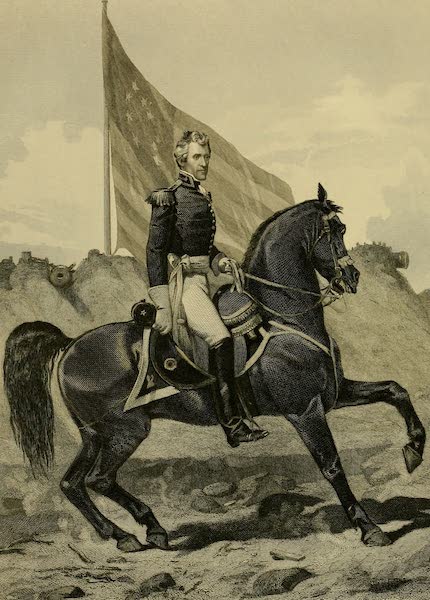 | Andrew Jackson
|
 | Andrew Ross Island
|
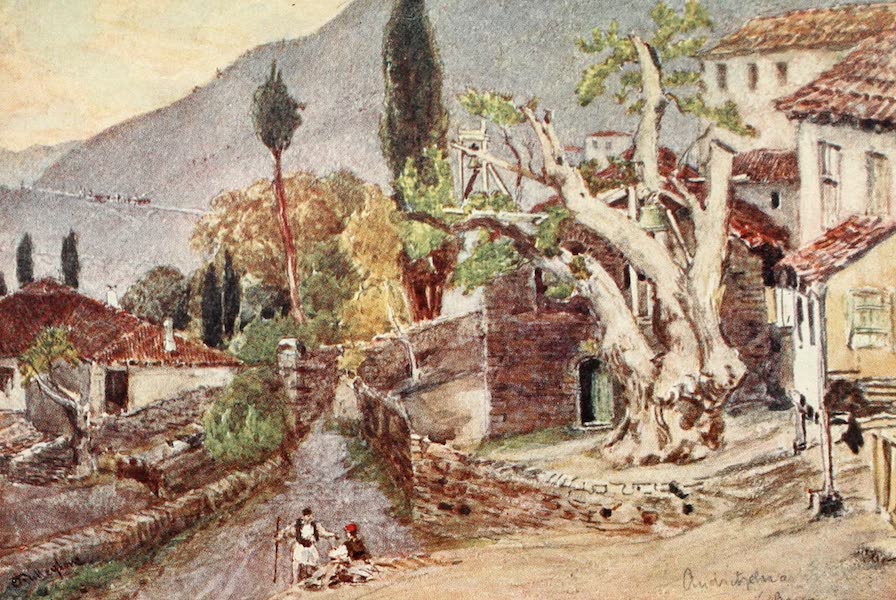 | Andritsaena. The resting-place for the Temple of Apollo at Bassae
|
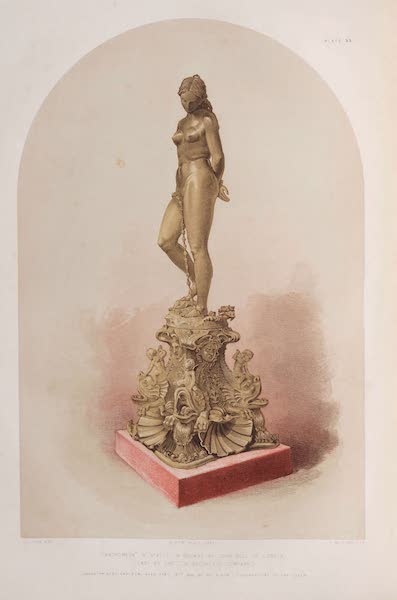 | Andromeda by John Bell. Cast in Brone by the Coalbrookdale Co.
|
 | Anfa Qvibsdam Anafea Azaamvrvm Div Goa
|
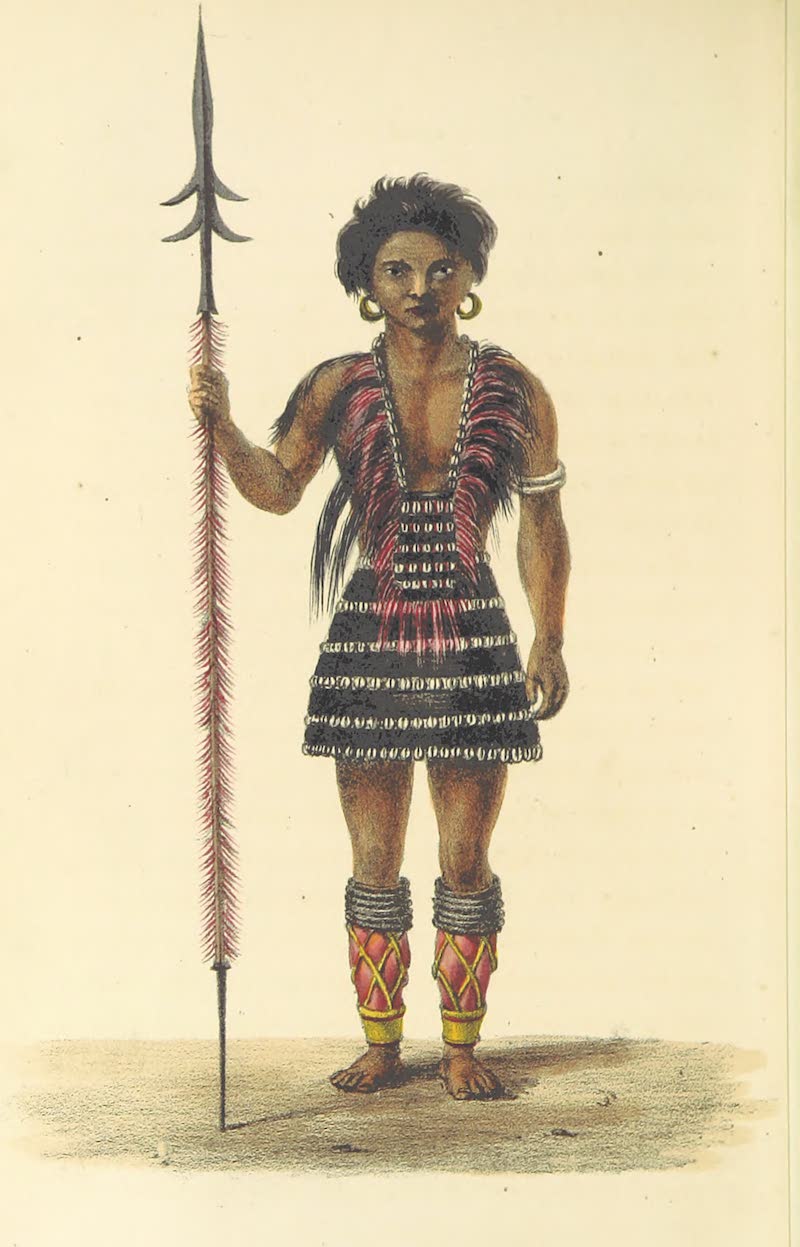 | Angamee Naga Warrior
|
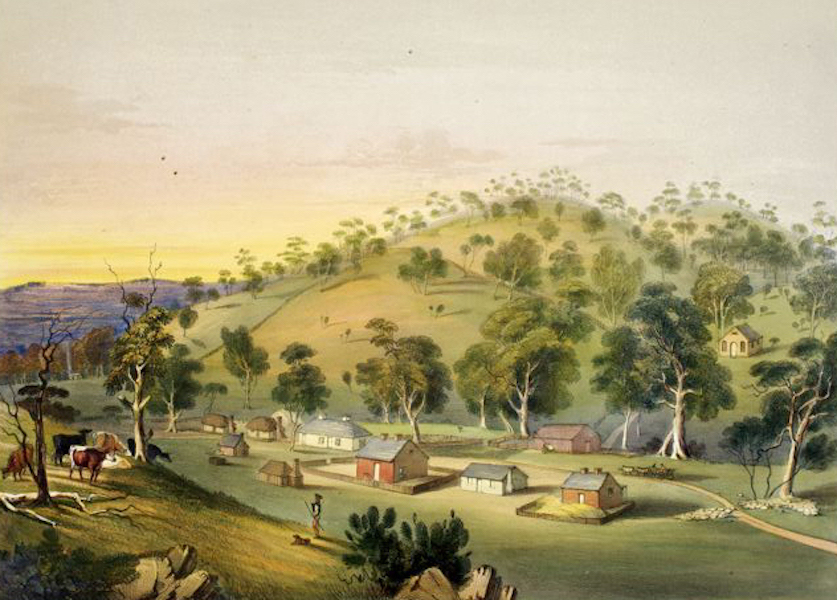 | Angaston Evening
|
 | Angcor Thom : Phimanacas (Ruines du Palais des Rois d'Angcor)
|
 | Ange revenant de la procession Un domestique Negre rapportant la palme de son maitre, le dimanche des rameaux
|
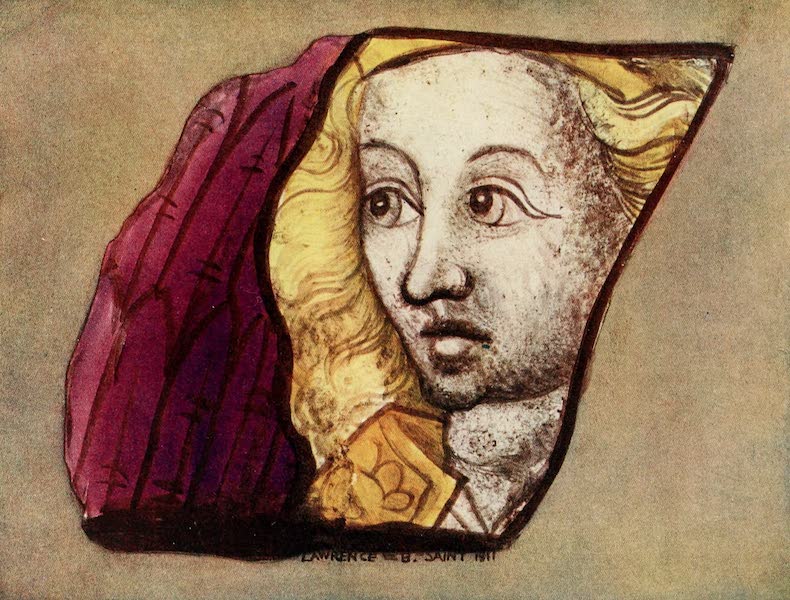 | Angel's Head, from Great Rose Window in north transept of St. Ouen's, Rouen. Fifteenth century
|
 | Angel's Head, from Great Rose Window in north transept of St. Ouen's, Rouen. Fifteenth century
|
 | Angels in canopy work of Plate
|
 | Angera, Lago Maggiore
|
 | Angers
|
 | Angle facial
|
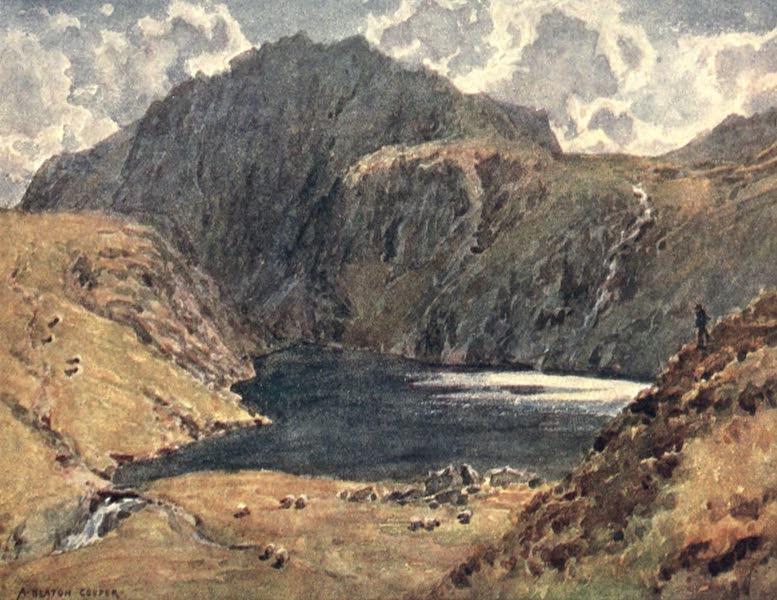 | Angle Tarn, Esk Hause
|
 | Anglesey
|
![Anglia [III]](https://historyarchive.org/images/books/books-a/atlas-sive-cosmographicae-1595/plates/24-anglia.jpg) | Anglia [III]
|
![Anglia [II]](https://historyarchive.org/images/books/books-a/atlas-sive-cosmographicae-1595/plates/23-anglia.jpg) | Anglia [II]
|
![Anglia [IV]](https://historyarchive.org/images/books/books-a/atlas-sive-cosmographicae-1595/plates/25-anglia.jpg) | Anglia [IV]
|
![Anglia [I]](https://historyarchive.org/images/books/books-a/atlas-sive-cosmographicae-1595/plates/22-anglia.jpg) | Anglia [I]
|
![Anglia [VII]](https://historyarchive.org/images/books/books-a/atlas-sive-cosmographicae-1595/plates/28-anglia.jpg) | Anglia [VII]
|
![Anglia [VI]](https://historyarchive.org/images/books/books-a/atlas-sive-cosmographicae-1595/plates/27-anglia.jpg) | Anglia [VI]
|
![Anglia [V]](https://historyarchive.org/images/books/books-a/atlas-sive-cosmographicae-1595/plates/26-anglia.jpg) | Anglia [V]
|
 | Angliae, Scotiae et Hiberniae sive Britannicar Insularum Descriptio
|
 | Angmering Mill
|
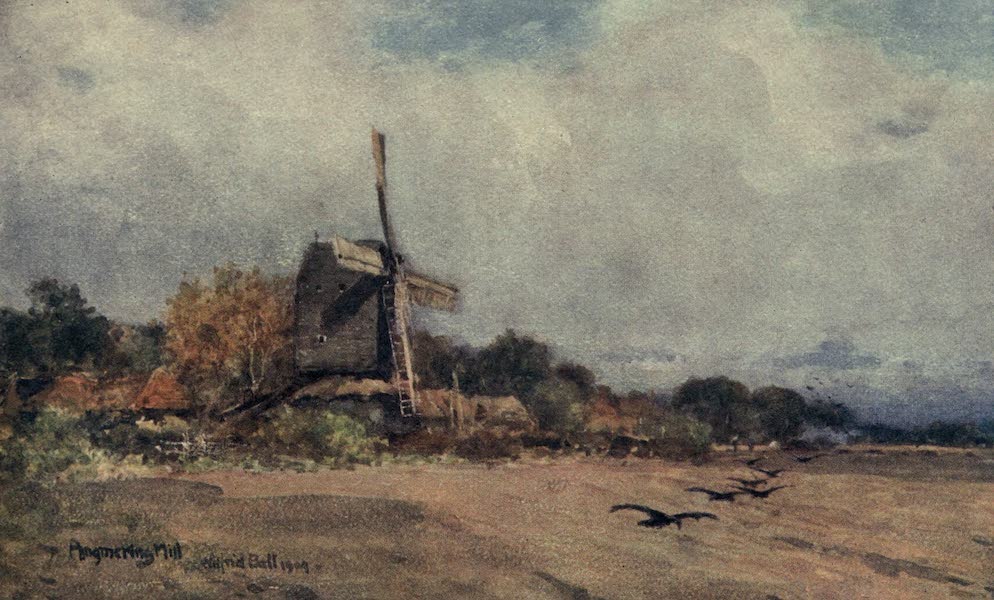 | Angmering Mill
|
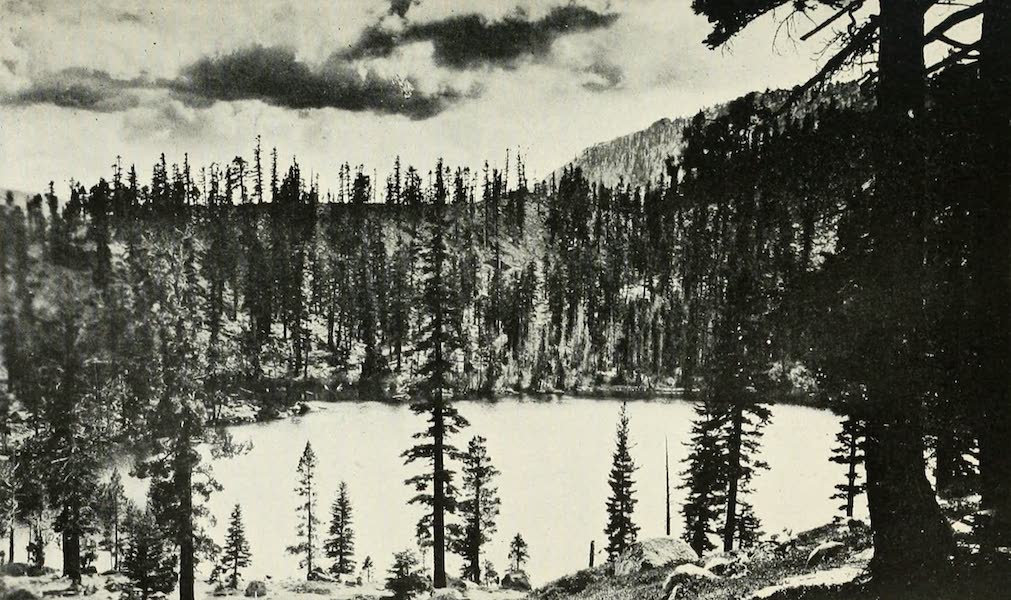 | Angora Lake, near Lake Tahoe, Calif.
|
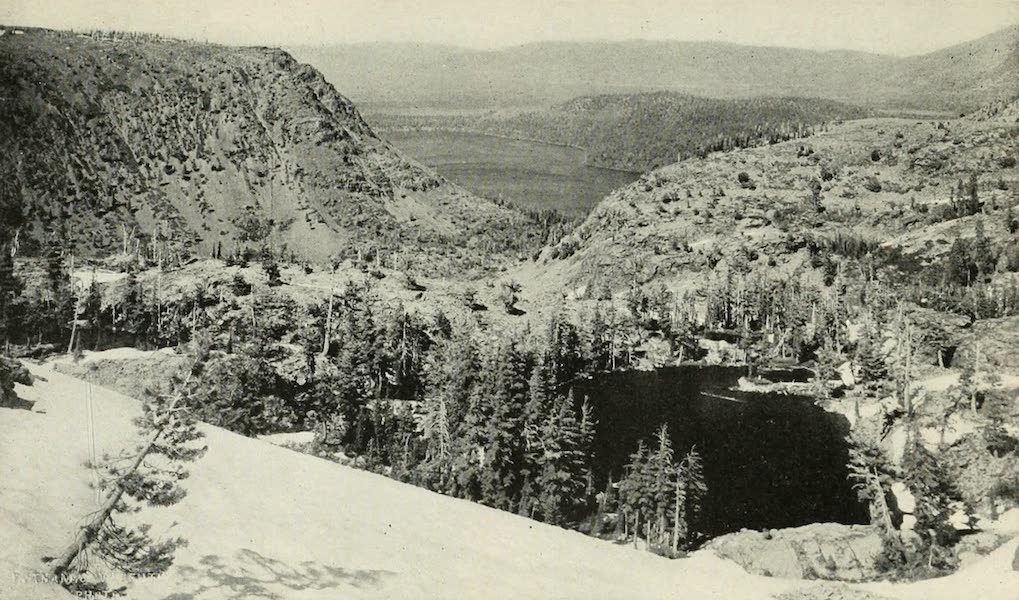 | Angora Lakes, Fallen Leaf Lake and Lake Tahoe
|
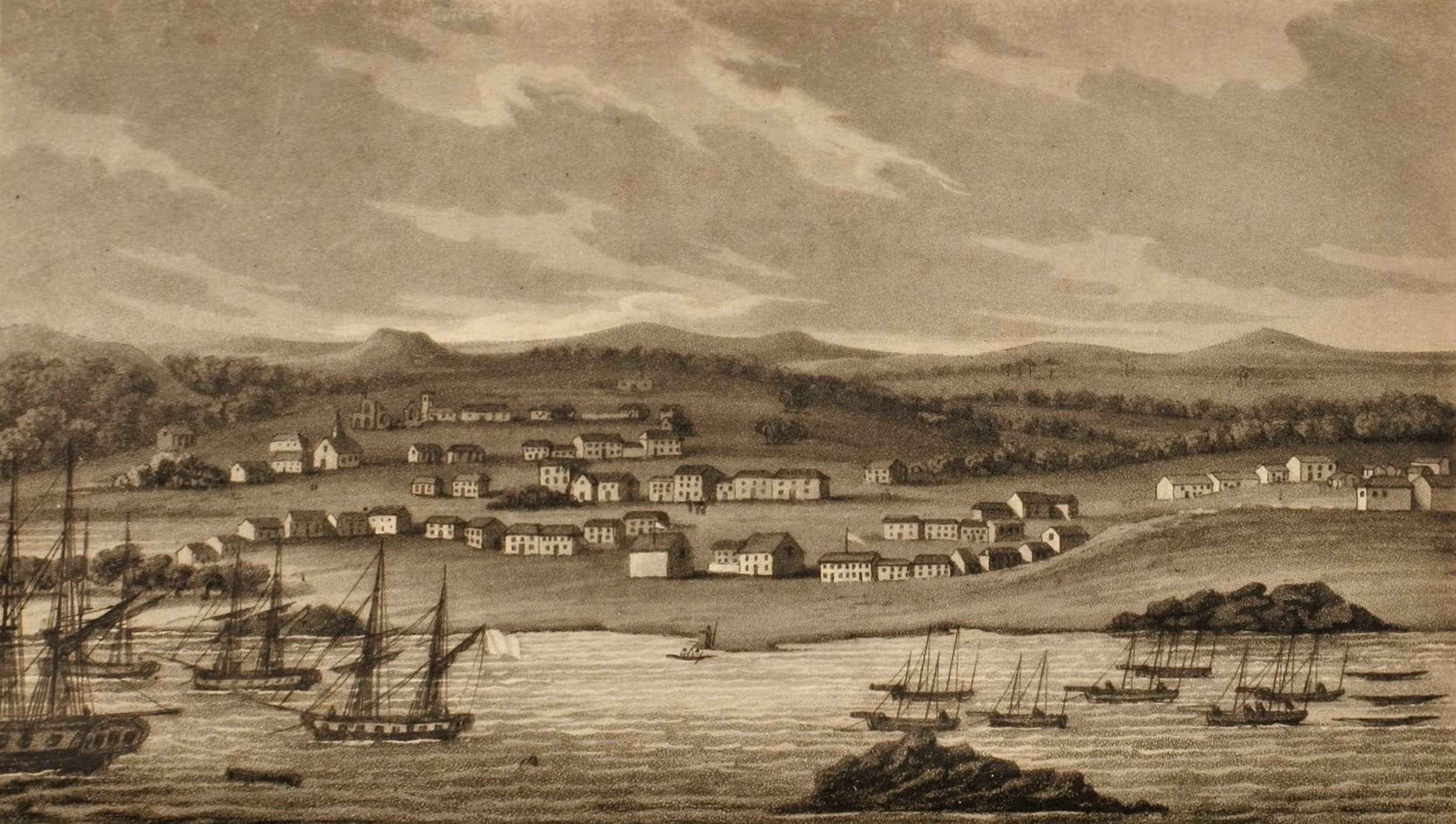 | Angostura
|
 | Angoulême
|
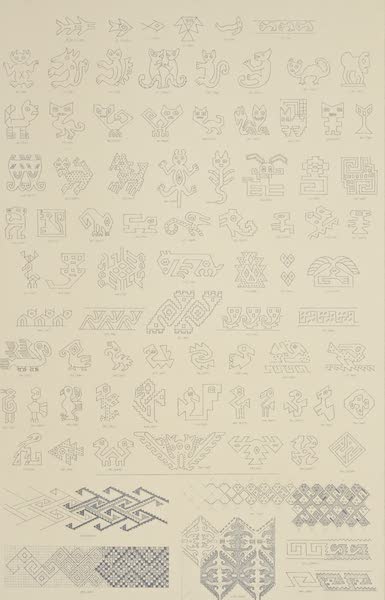 | Animal Forms and Ornaments derived from them
|
 | Animals as sepulchral Offerings - Matting used at Burials
|
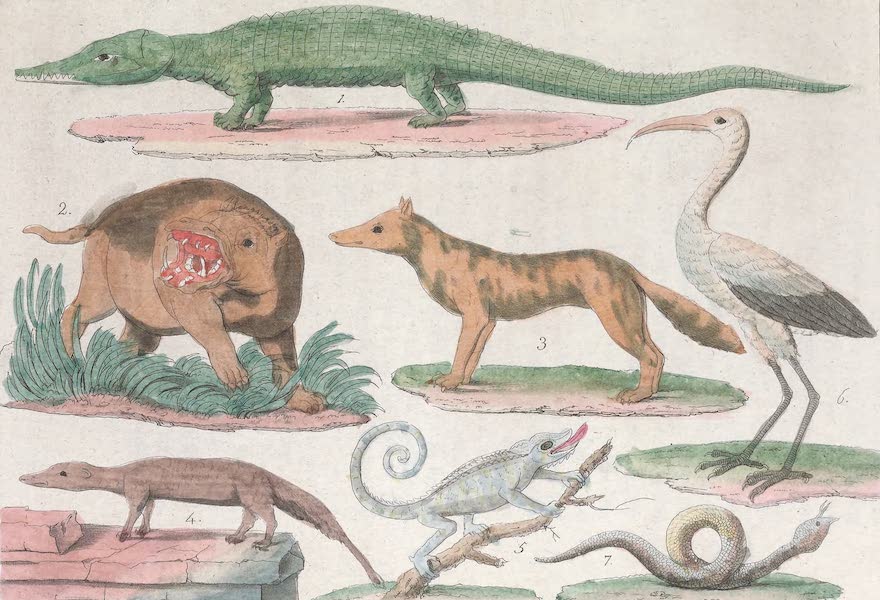 | Animaux
|
 | Animaux
|
![Animaux - Antelopes [I]](https://historyarchive.org/images/books/books-l/le-costume-ancien-et-moderne-afrique-v02-1819/plates/51-animaux-antelopes-I.jpg) | Animaux - Antelopes [I]
|
![Animaux - Gnu, Quahkak etc [II]](https://historyarchive.org/images/books/books-l/le-costume-ancien-et-moderne-afrique-v02-1819/plates/52-animaux-gnu-quahkak-etc-II.jpg) | Animaux - Gnu, Quahkak etc [II]
|
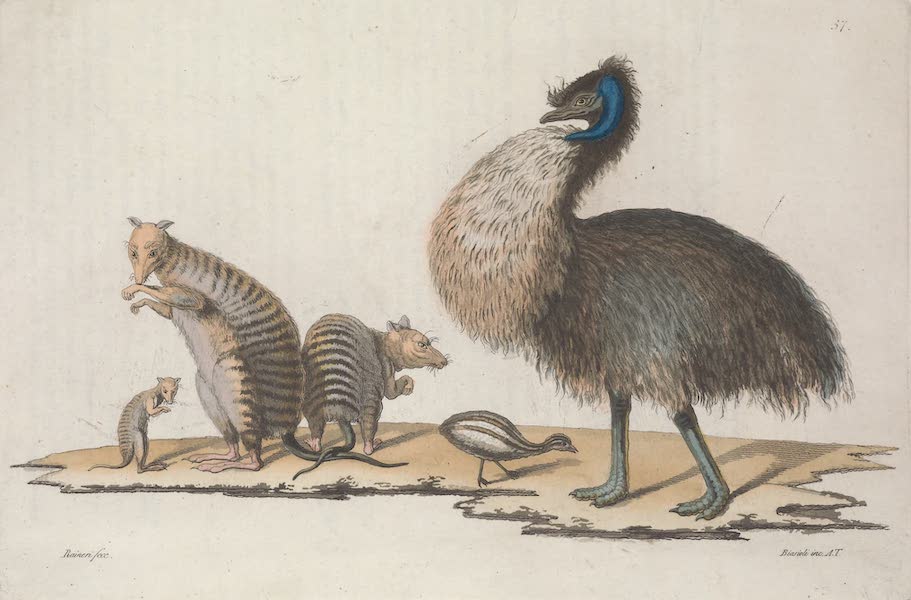 | Animaux de la Nouvelle Hollande
|
 | Animaux et vegetaux de la Chine
|
![Animaux [II]](https://historyarchive.org/images/books/books-l/le-costume-ancien-et-moderne-afrique-v02-1819/plates/23-animaux-II.jpg) | Animaux [II]
|
![Animaux [I]](https://historyarchive.org/images/books/books-l/le-costume-ancien-et-moderne-afrique-v02-1819/plates/22-animaux-I.jpg) | Animaux [I]
|
 | Anjou
|
 | Ankunft der Hansabote in der Missionsstation Friedrichsthal
|
 | Annam et Tonkin
|
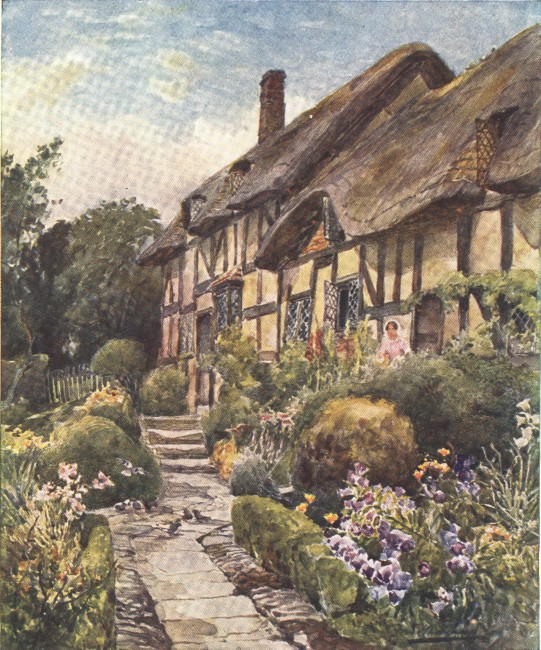 | Anne Hathaway's Cottage near Stratford-on-Avon
|
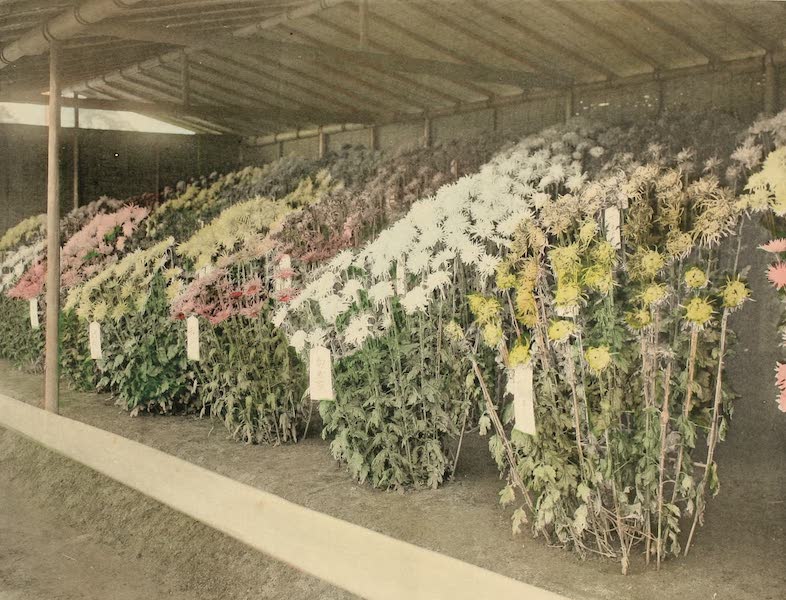 | Another chrysanthemum bed showing the different varieties.
|
 | Another Gate at Alatrium
|
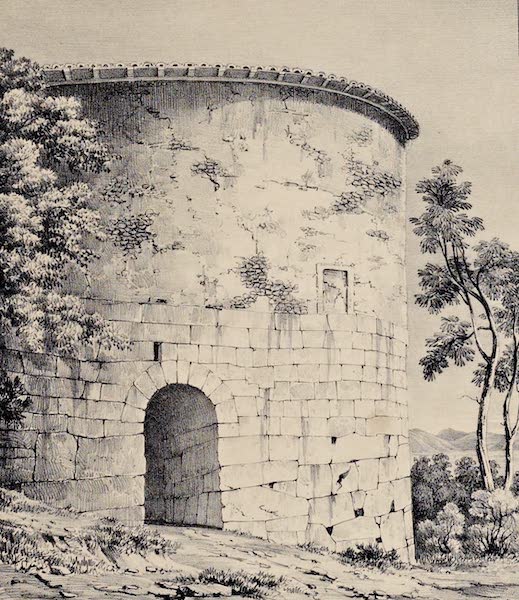 | Another Gate at Ferentinum
|
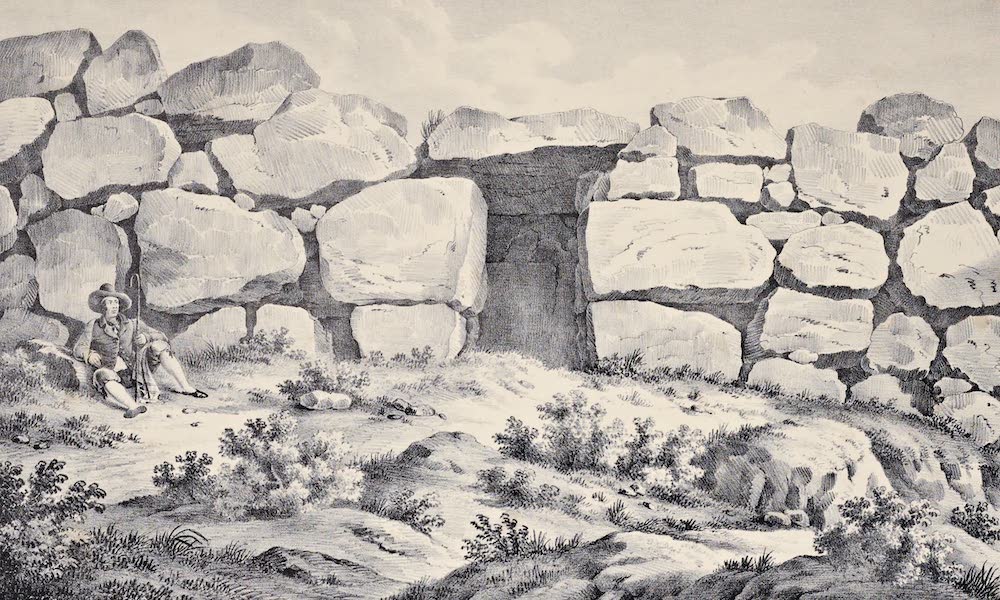 | Another Gate at Norba
|
 | Another Gate at Signia
|
 | Another View of the Bastion at Norba
|
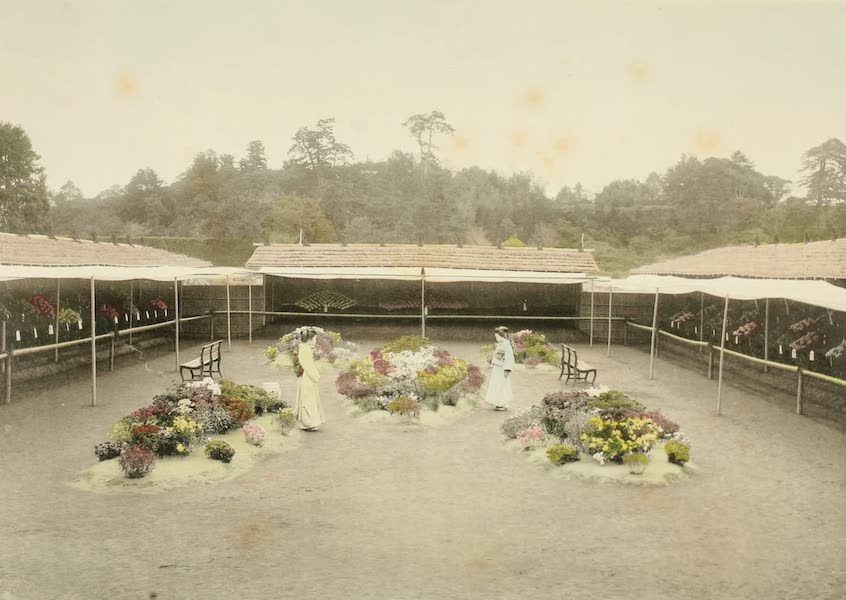 | Another view of the chrysanthemum beds with two young ladies in the centre.
|
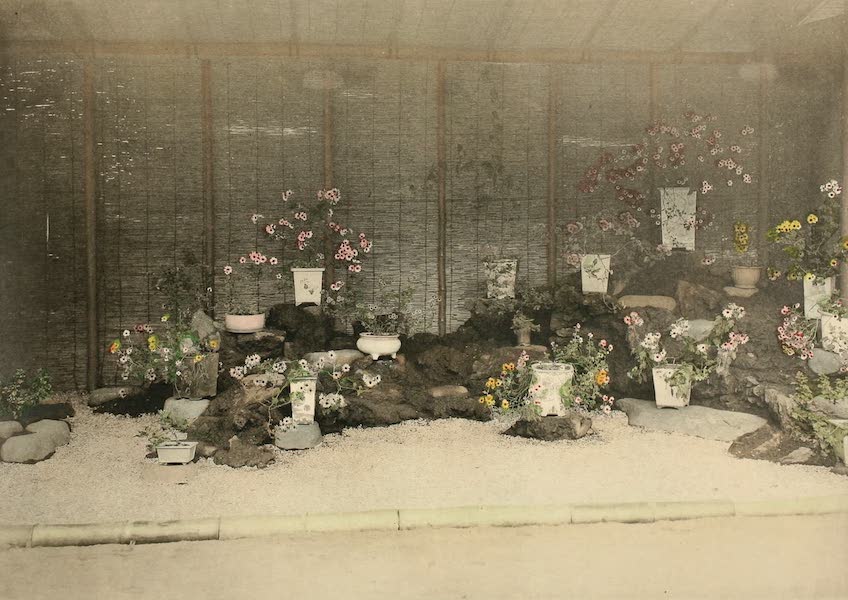 | Another view of the chrysanthemums in pots artistically arranged.
|
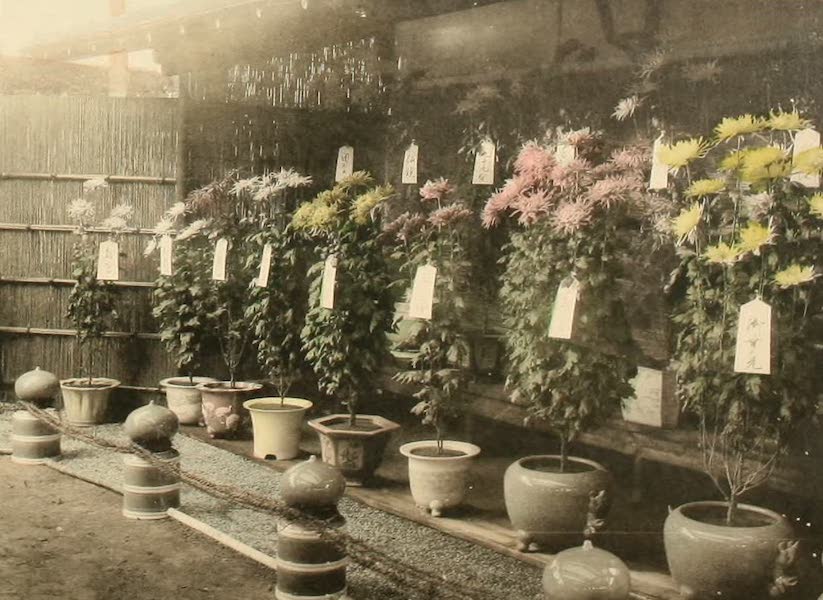 | Another view of the chrysanthemums in pots at the northwest corner of the garden.
|
 | Another View of the Wall
|
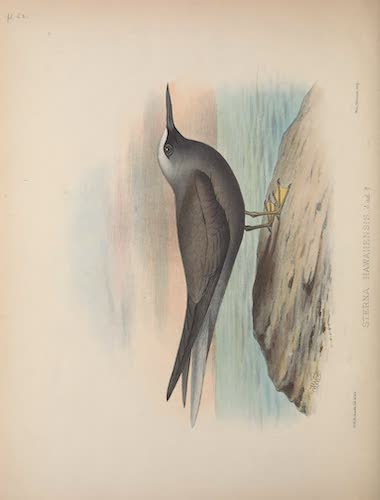 | Anous hawaiiensis
|
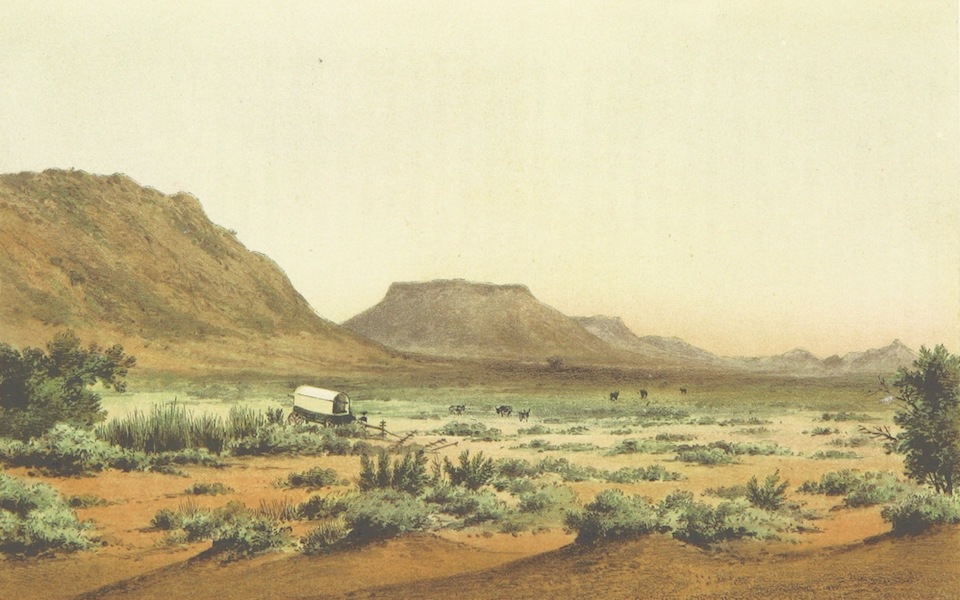 | Ansicht aus der Ostlinchen Provinz Cradock District
|
 | Ansicht der Rocky Mountains. / Vue des Montagnes Rocheuses. / View of the Rocky Mountains.
|
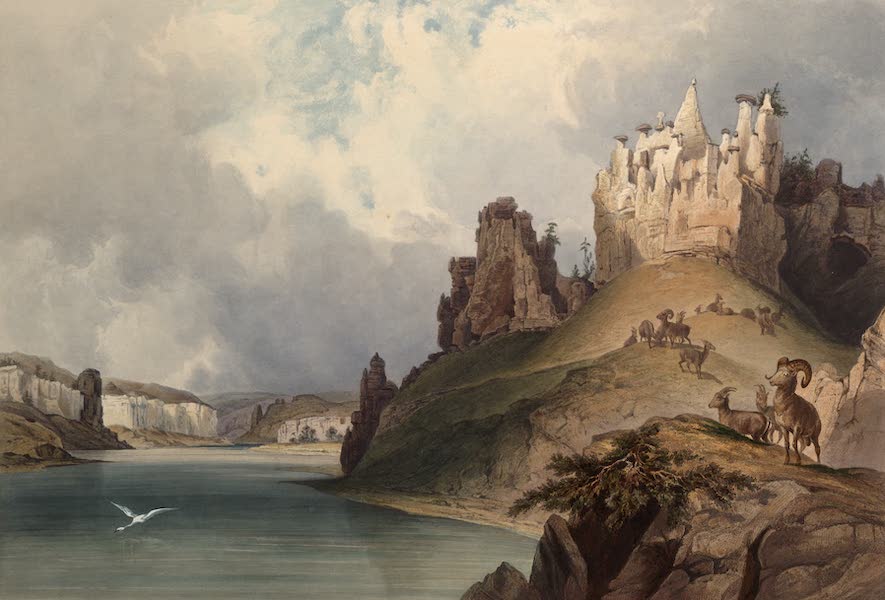 | Ansicht der Stone-Walls am obern Missouri. / Vue des Stone-Walls sur le haut Missouri. / View of the Stone Walls on the upper Missouri.
|
 | Ansicht von Bethlehem (Pennsylvanien). / Vue de Bethléhem (Pennsylvanie). / View of Bethlehem (Pennsylvania).
|
 | Ansicht von Helgoland
|
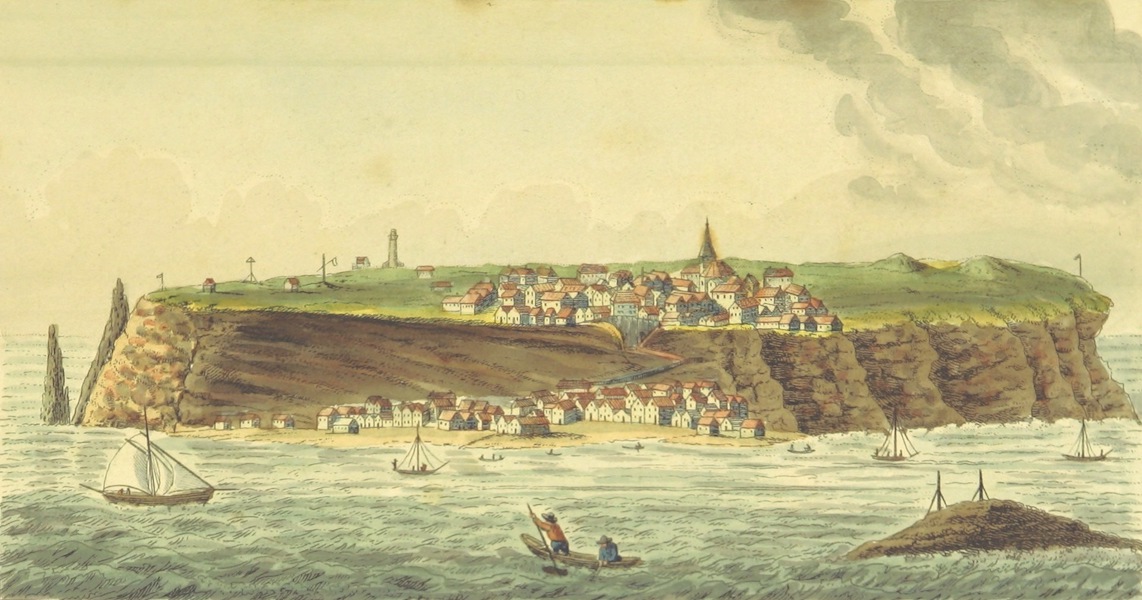 | Ansicht von Helgoland, von der Sandinsel
|
 | Ansicht von Mauch-Chunk (Pennsylvanien). / Vue de Mauch-Chunk (Pennsylvanie). / View of Mauch-Chunk (Pennsylvania).
|
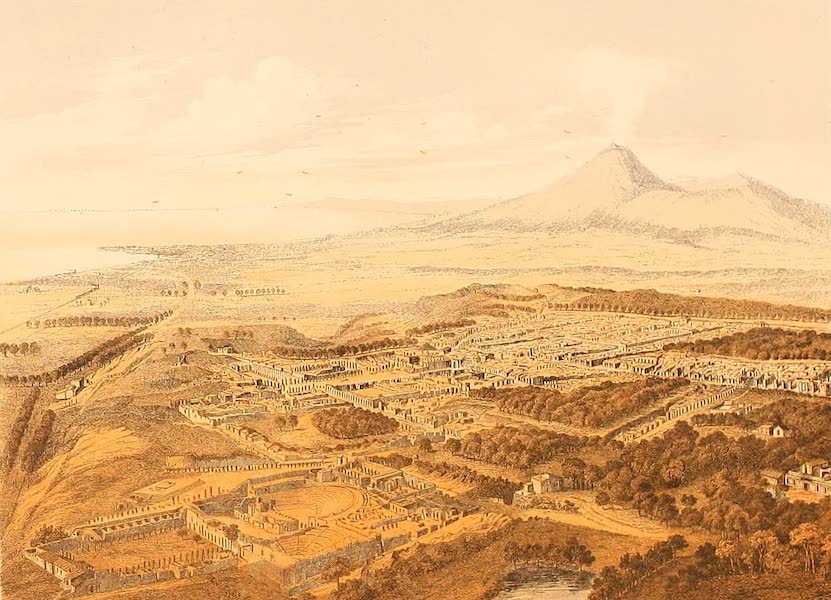 | Ansicht von Pompeji
|
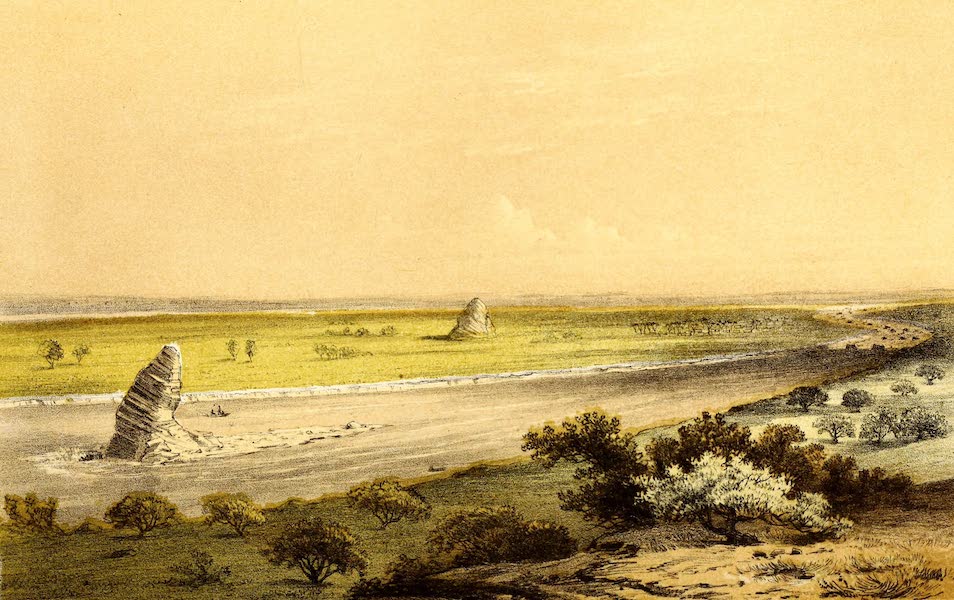 | Ansongho
|
 | Anstis Cove Torquay
|
 | Anstys Cove, Torquay
|
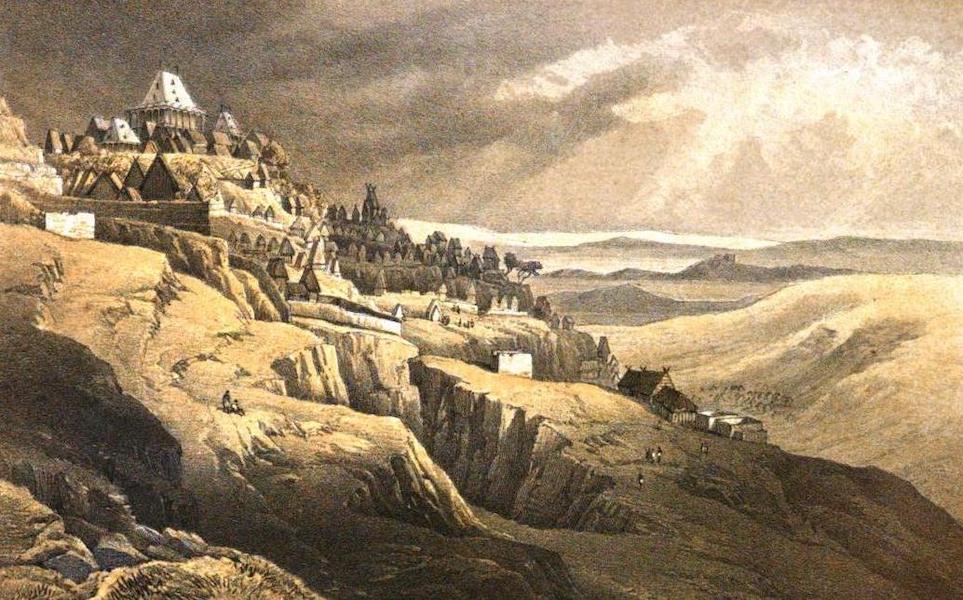 | Antananarivo from Ambohipotsy
|
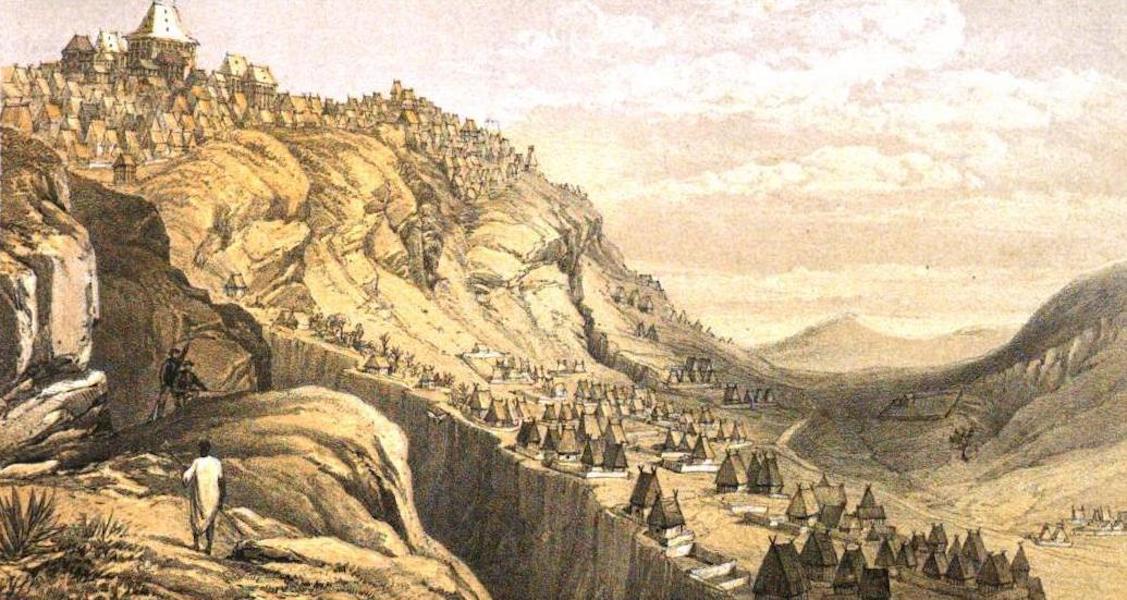 | Antananarivo from Rocks beneath Saluting Battery
|
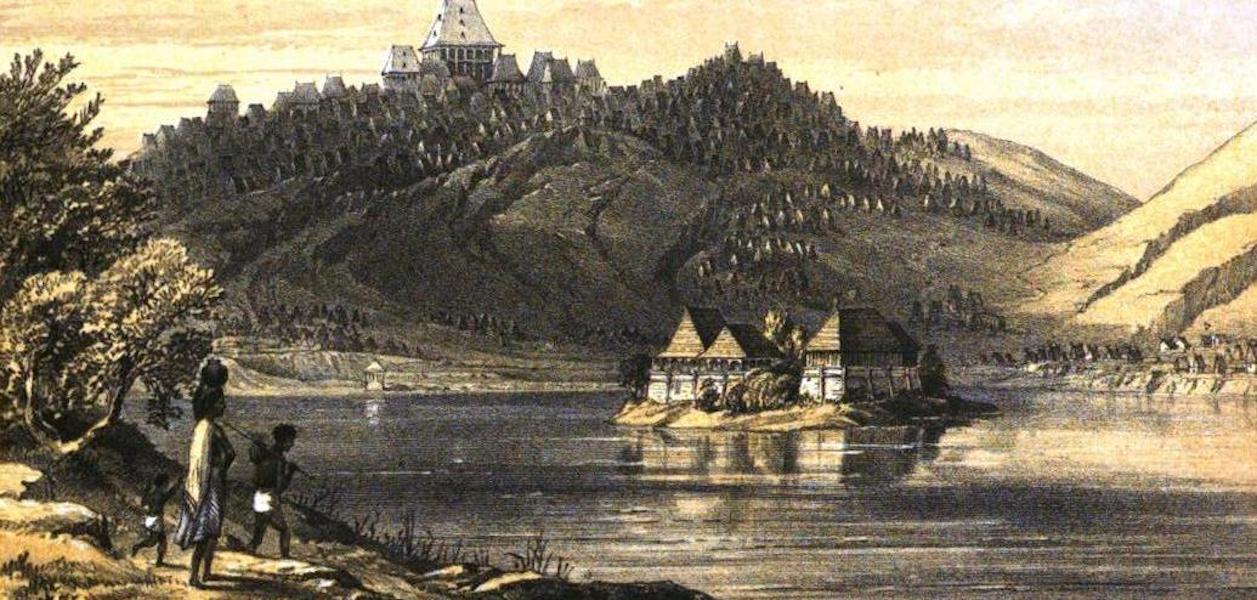 | Antananrivo
|
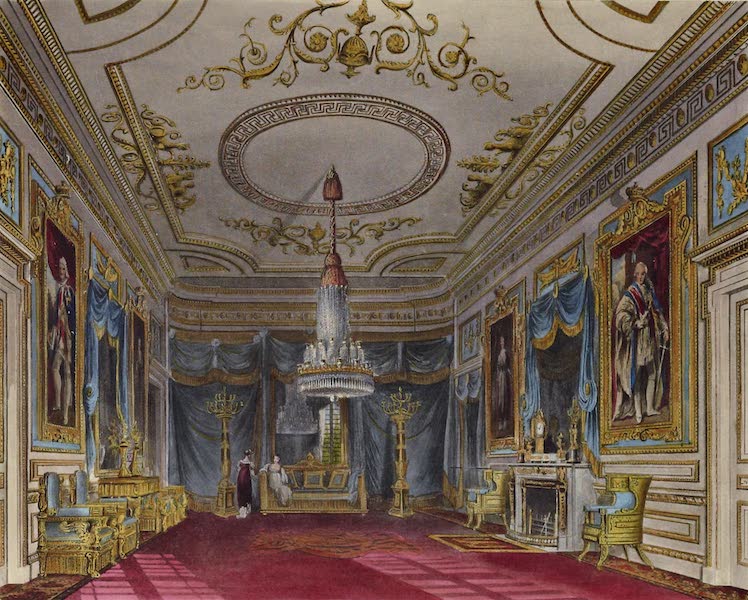 | Ante Chamber looking to the Throne Room, Carlton House
|
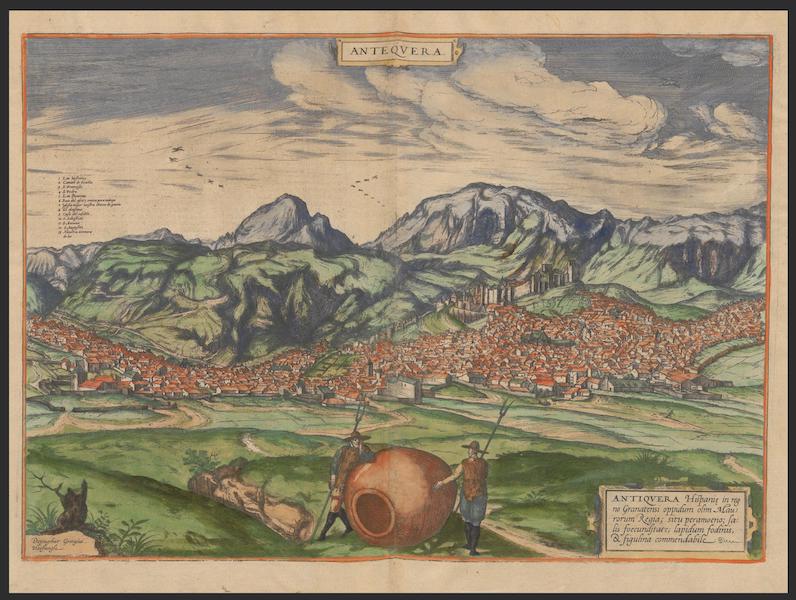 | Ante Qvera
|
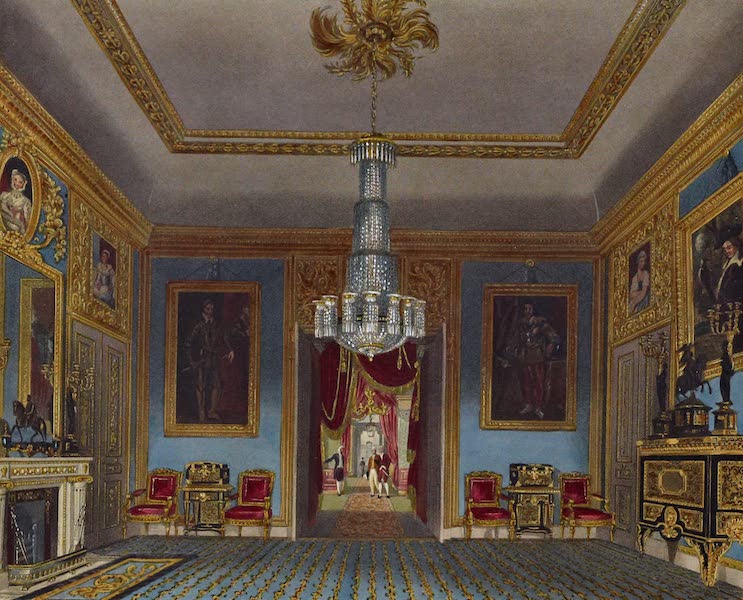 | Ante Room (Looking North) Carlton House
|
 | Ante Room, Carlton House
|
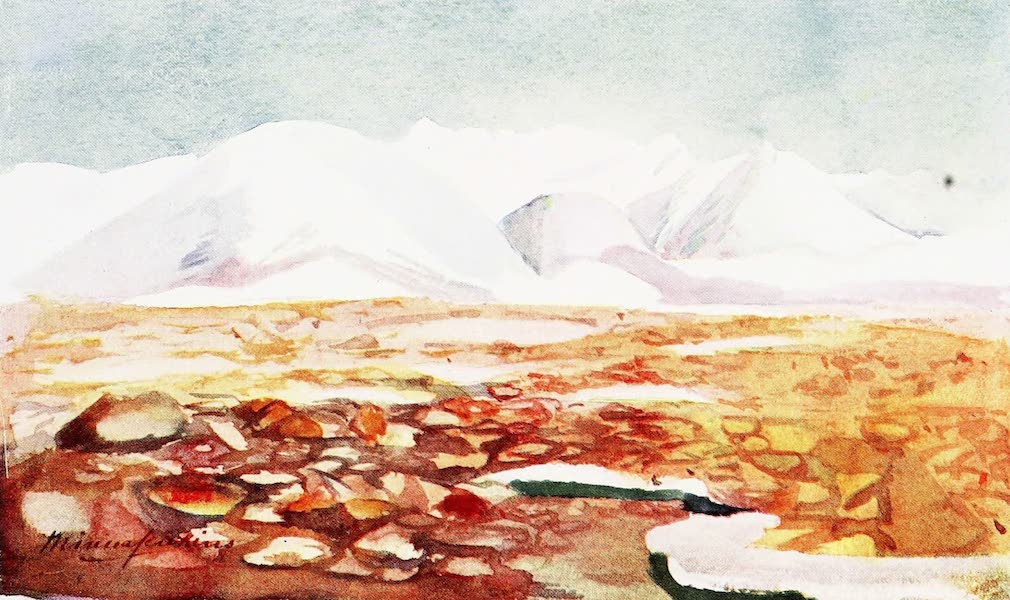 | Antelope Plain
|
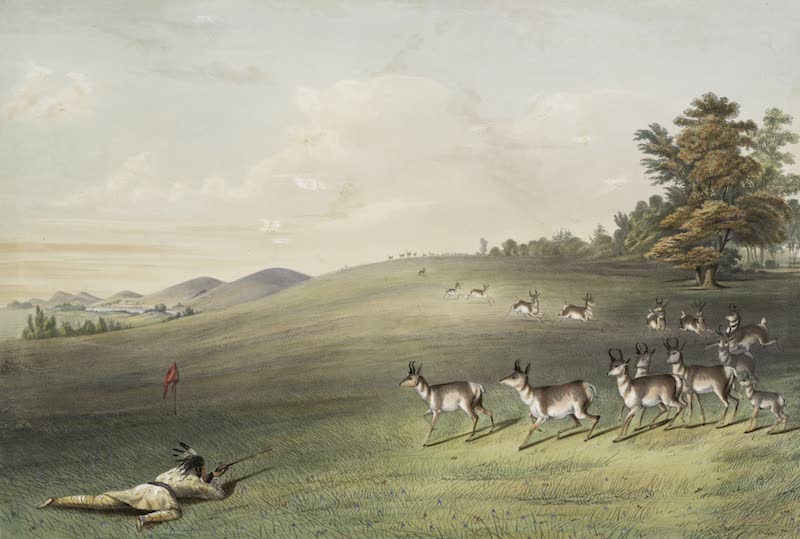 | Antelope Shooting
|
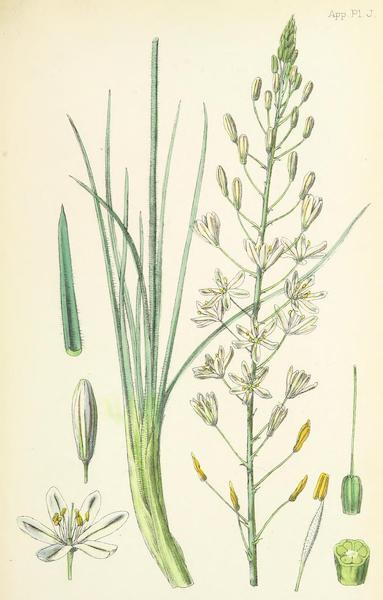 | Anthericum oatesii
|
 | Antibes
|
 | Antibes
|
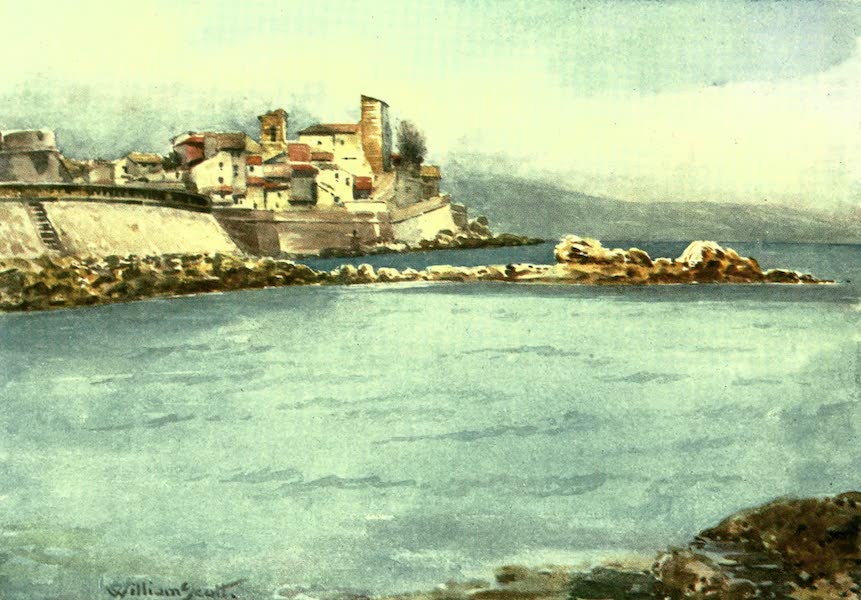 | Antibes from the West
|
![Antiguedades Chileanas [II]](https://historyarchive.org/images/books/books-a/atlas-de-historia-fisica-y-politica-de-chile-v01-1854/plates/26-antiguedades-chileanas-II.jpg) | Antiguedades Chileanas [II]
|
![Antiguedades Chileanas [I]](https://historyarchive.org/images/books/books-a/atlas-de-historia-fisica-y-politica-de-chile-v01-1854/plates/25-antiguedades-chileanas-I.jpg) | Antiguedades Chileanas [I]
|
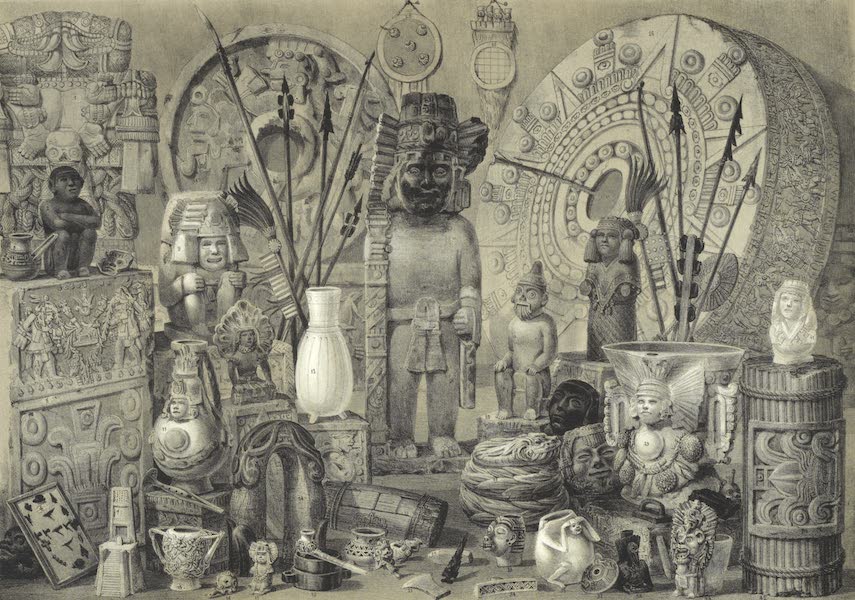 | Antiguedades Mexicanas que existen en el Museo Nacional de Mexico 1857
|
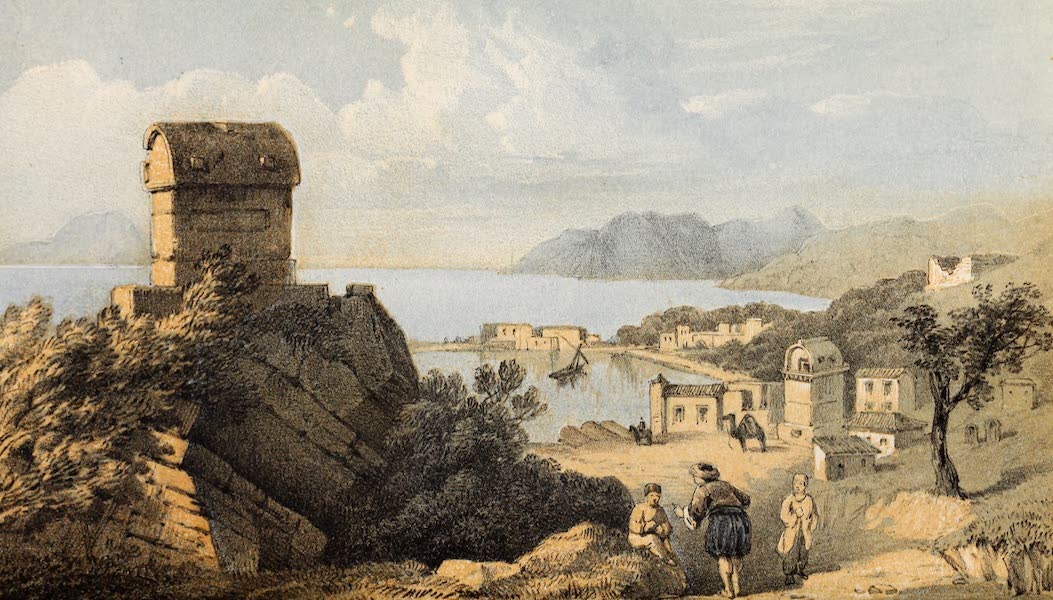 | Antiphellus in Lycia
|
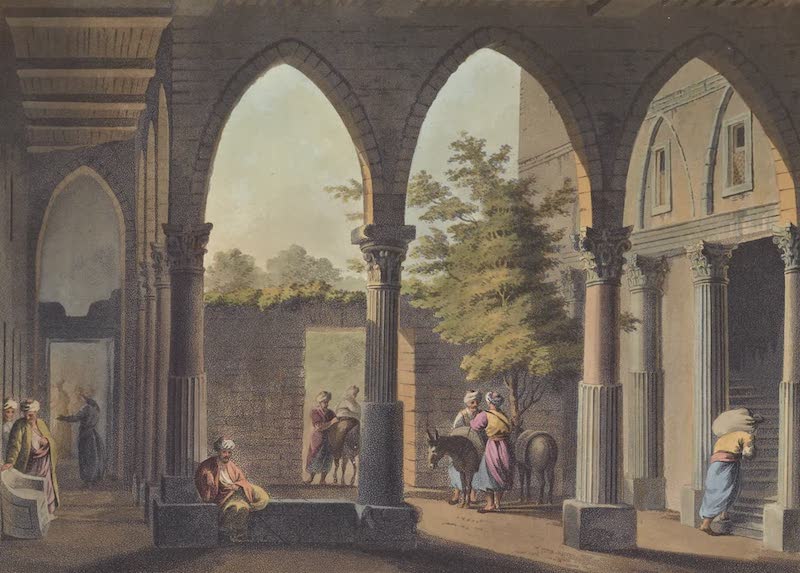 | Antique Fragments at Limisso
|
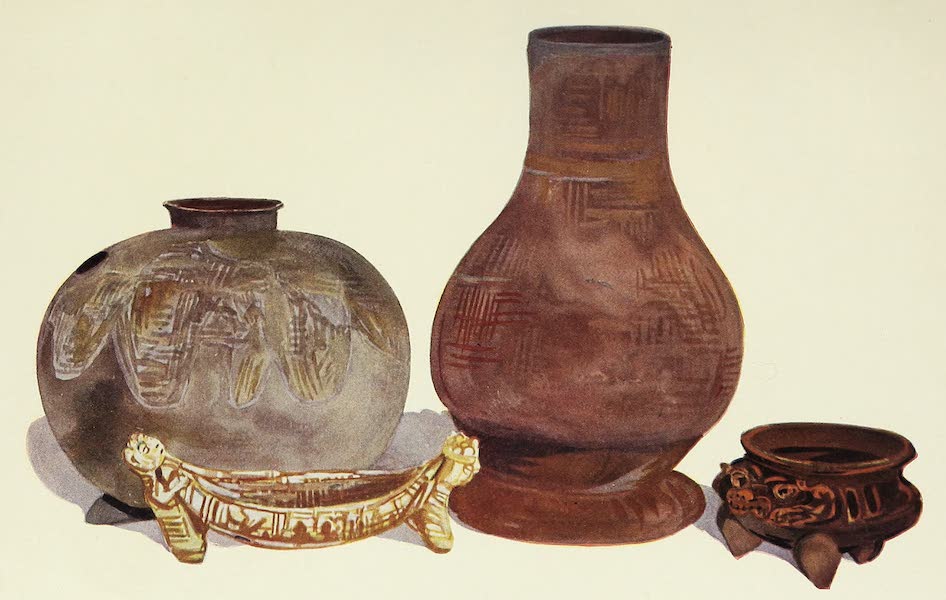 | Antique Indian Costa Rican Pottery
|
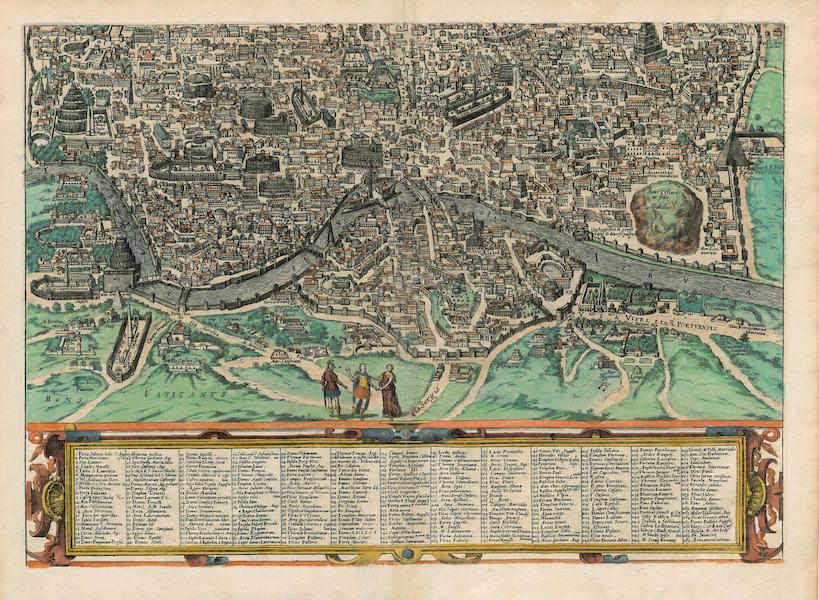 | Antiqvae Vrbis Romae Imago Accvratiss Bottom
|
 | Antiqvae Vrbis Romae Imago Accvratiss Top
|
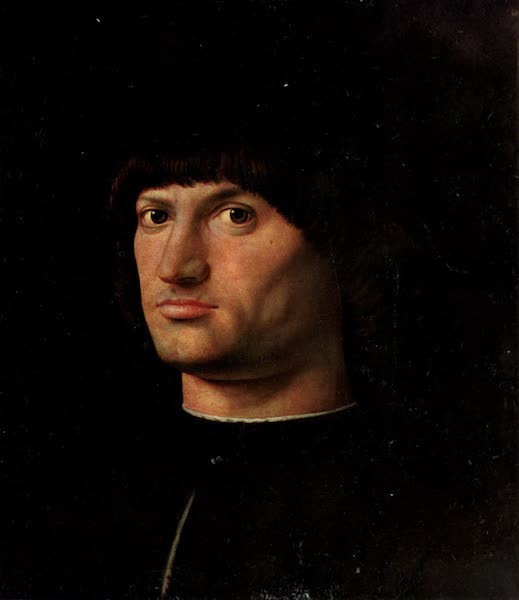 | Antonello Da Messina - Portrait Of A Condottiere
|
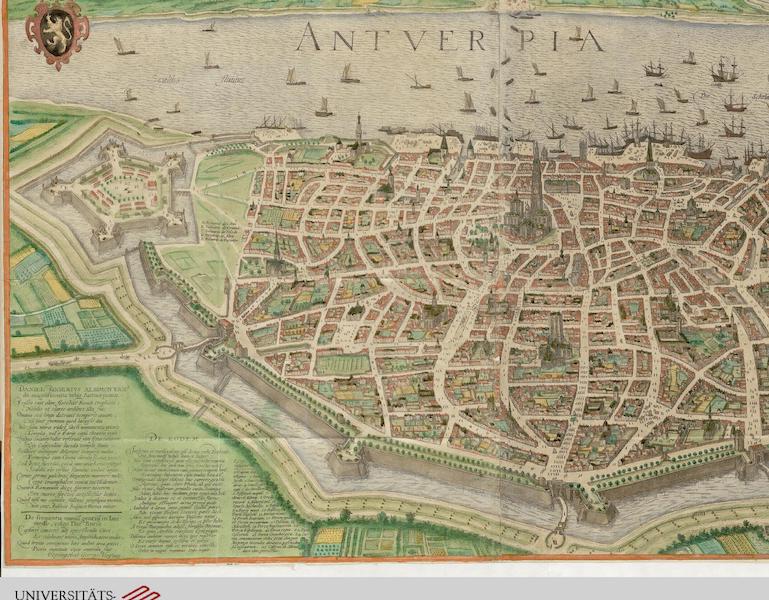 | Antverpia
|
 | Antwerp Cathedral
|
 | Anverpia 1567
|
![Anzac [II]](https://historyarchive.org/images/books/books-t/the-dardanelles-colour-sketches-from-gallipoli-1915/plates/26-anzac-II.jpg) | Anzac [II]
|
![Anzac [I]](https://historyarchive.org/images/books/books-t/the-dardanelles-colour-sketches-from-gallipoli-1915/plates/25-anzac-I.jpg) | Anzac [I]
|
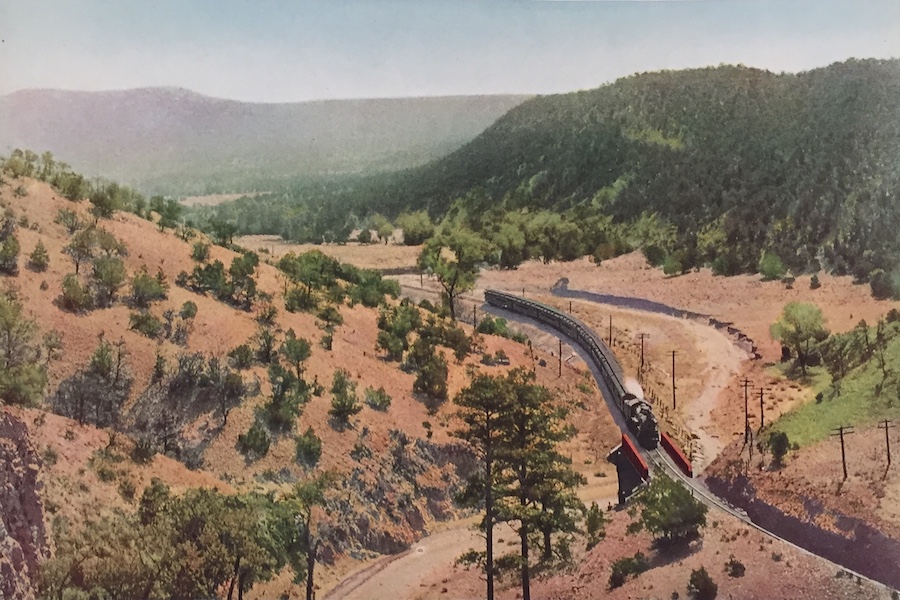 | Apache Canyon between Las Vegas and Lamy, New Mexico
|
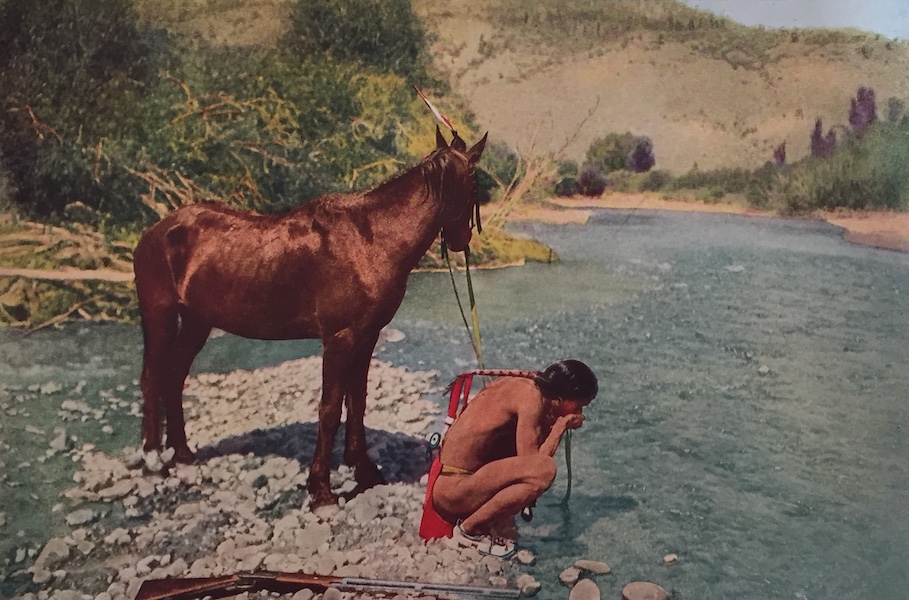 | Apache Warrior, Rio Navaho, Arizona
|
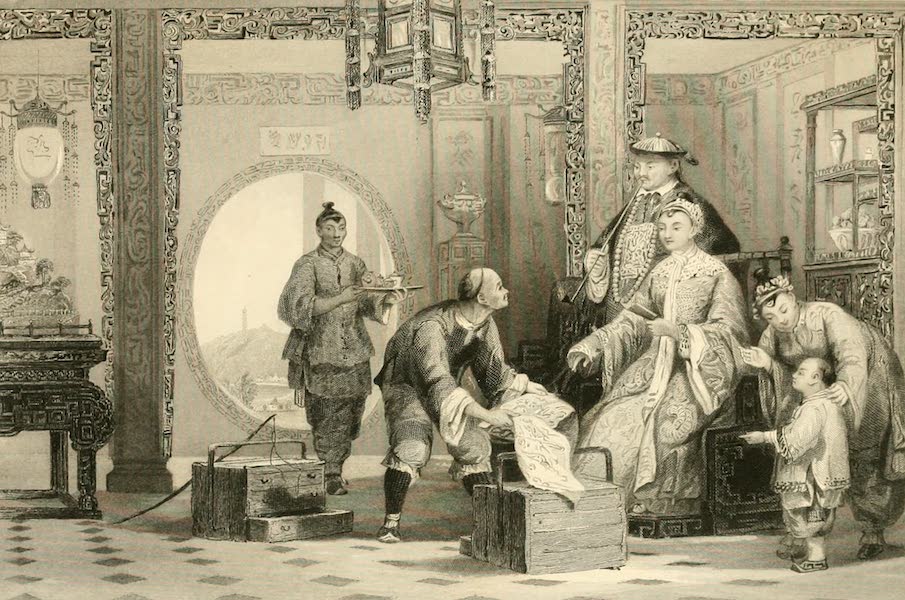 | Apartment in a Mandarin's House near Nanking
|
 | Apartment in the Palace of Eyoub, the Residence of Asmé Sultana
|
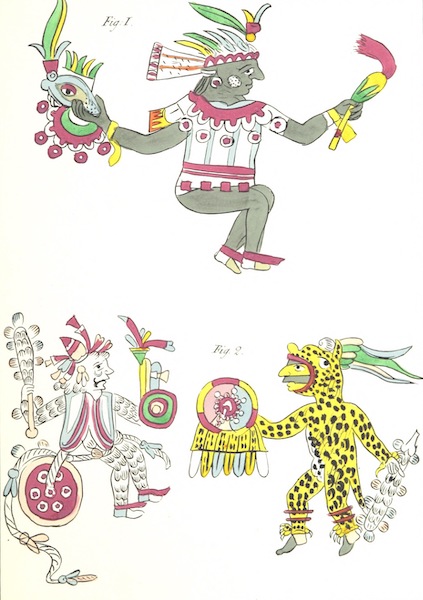 | Apendice - Lamina 1
|
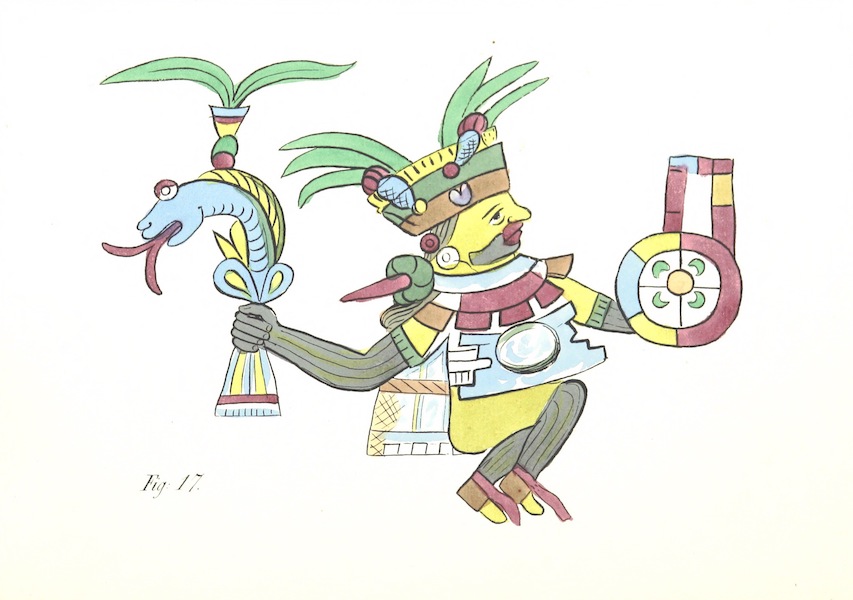 | Apendice - Lamina 10
|
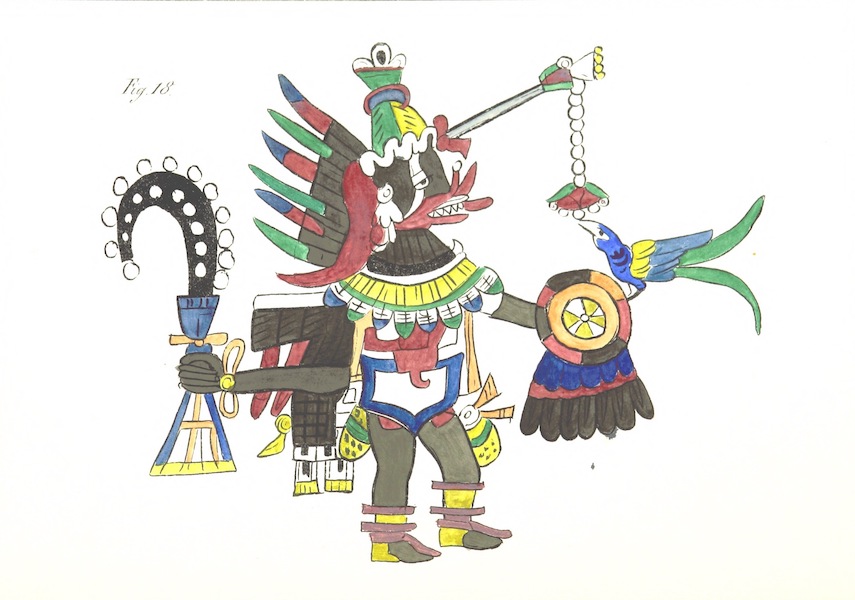 | Apendice - Lamina 11
|
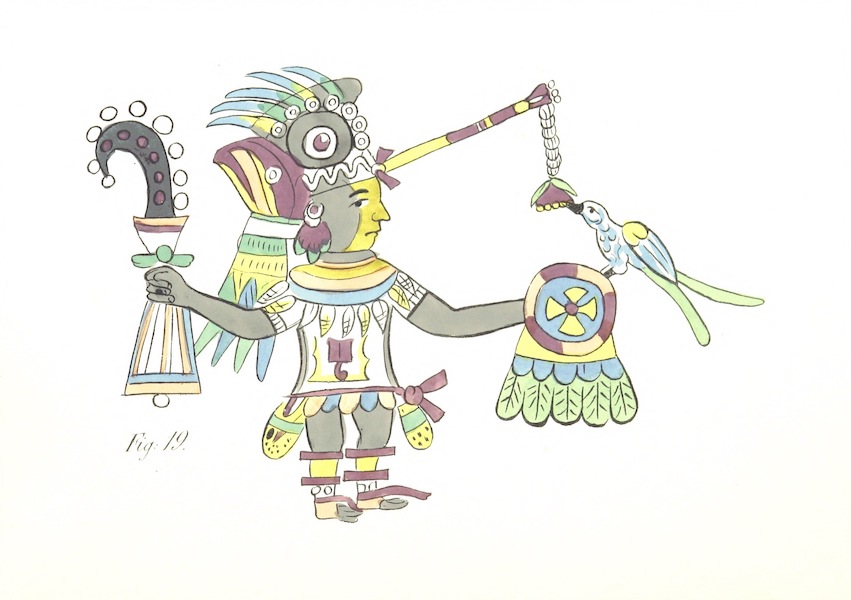 | Apendice - Lamina 12
|
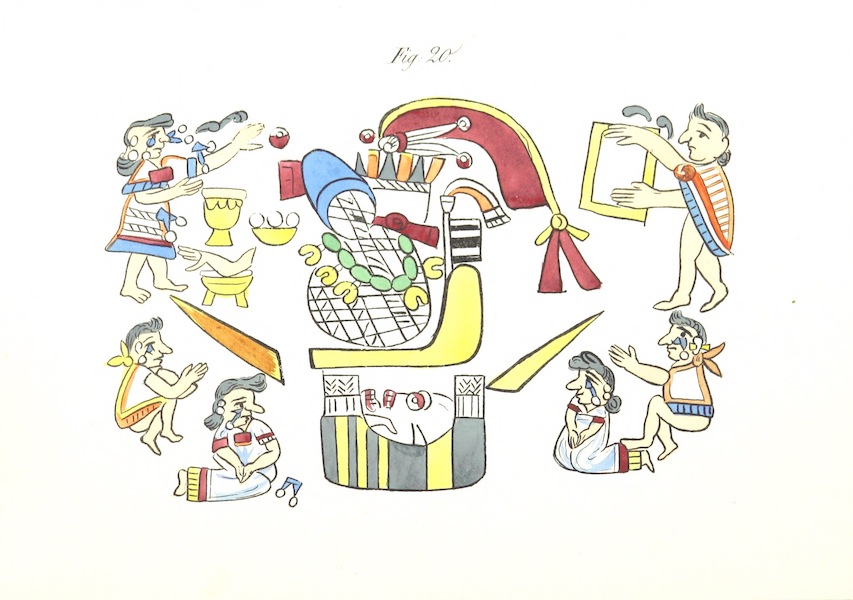 | Apendice - Lamina 13
|
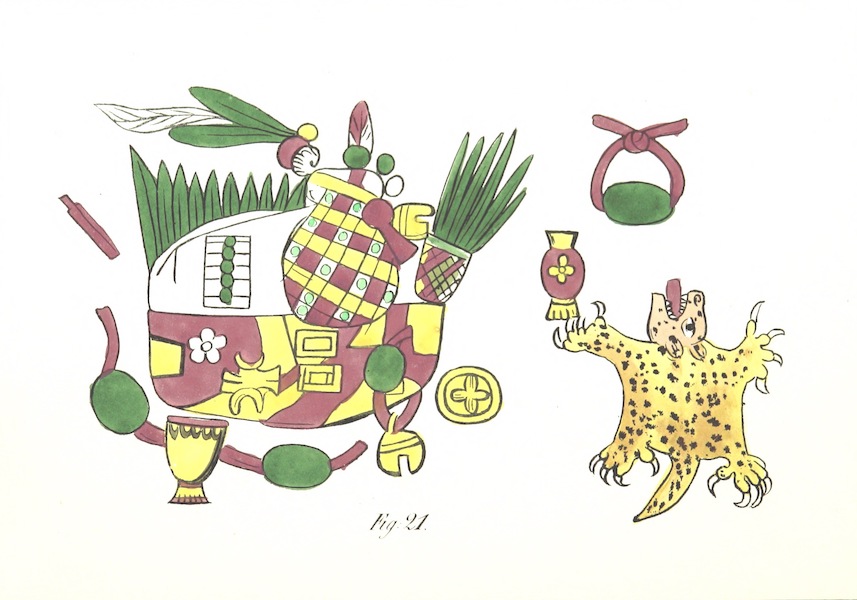 | Apendice - Lamina 14
|
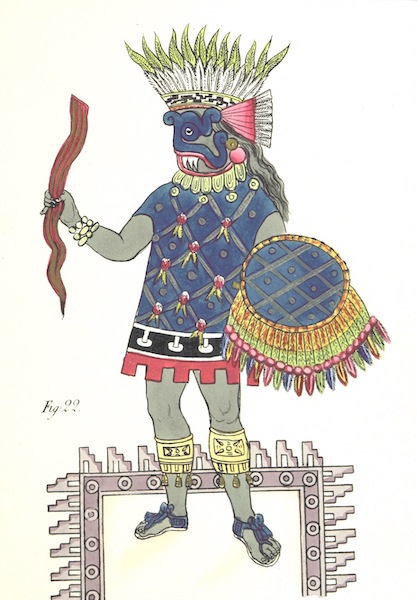 | Apendice - Lamina 15
|
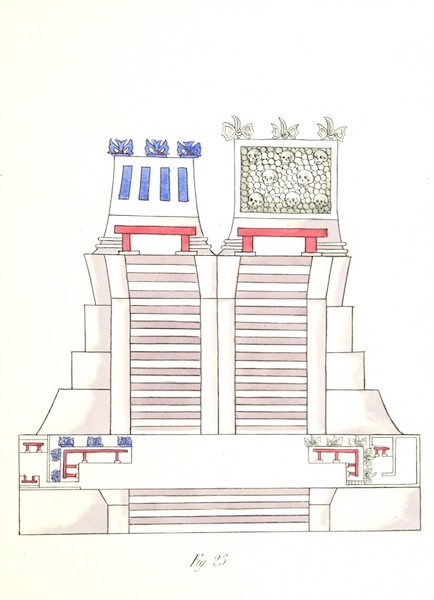 | Apendice - Lamina 16
|
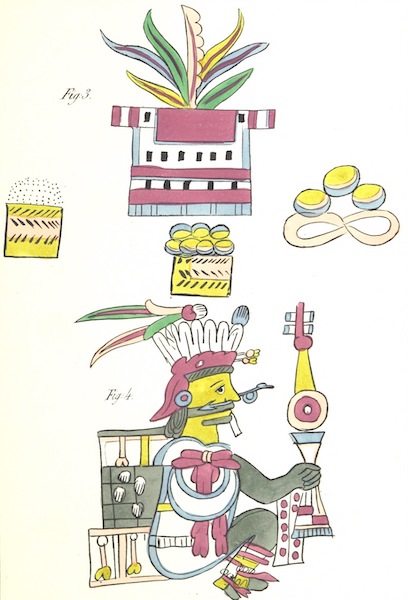 | Apendice - Lamina 2
|
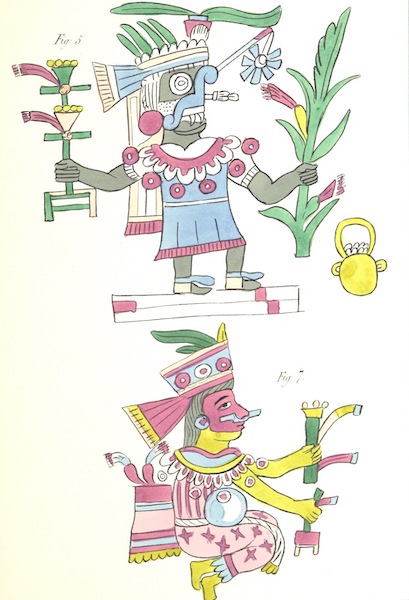 | Apendice - Lamina 3
|
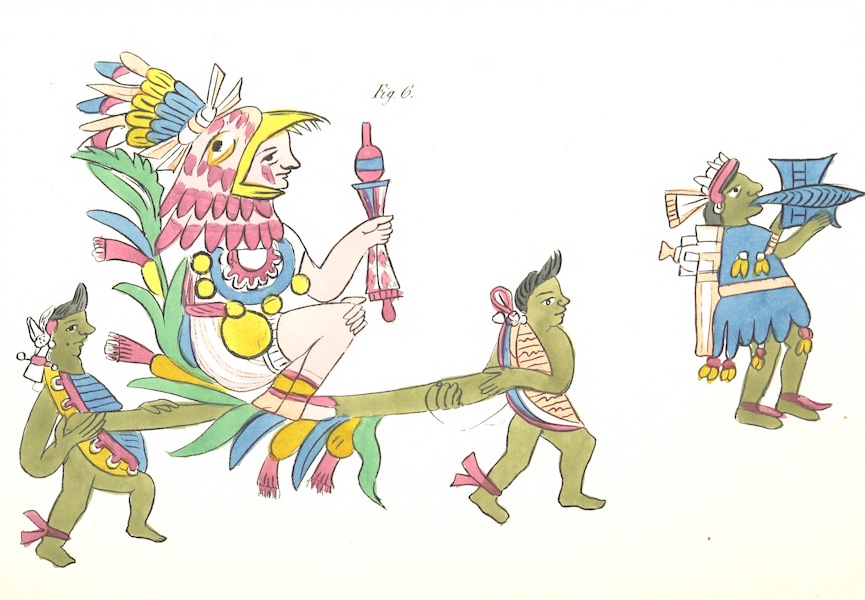 | Apendice - Lamina 4
|
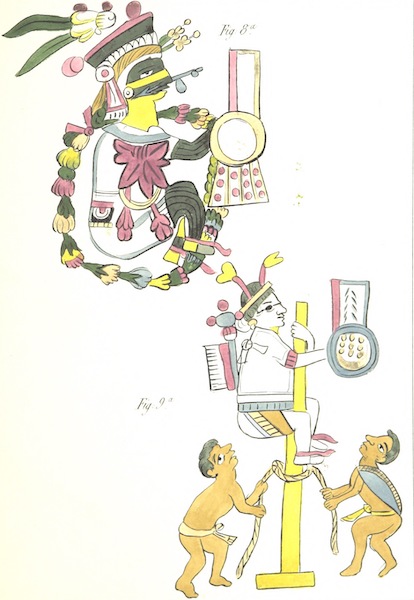 | Apendice - Lamina 5
|
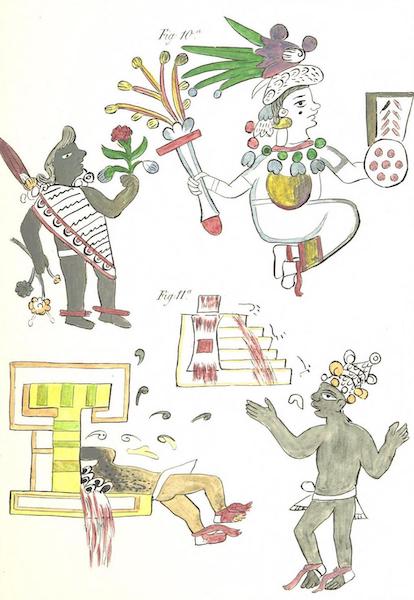 | Apendice - Lamina 6
|
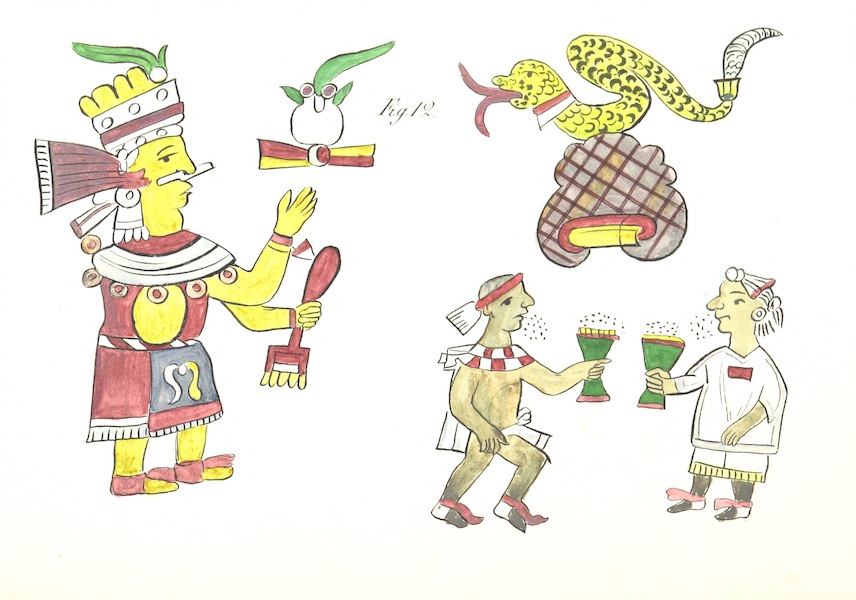 | Apendice - Lamina 7
|
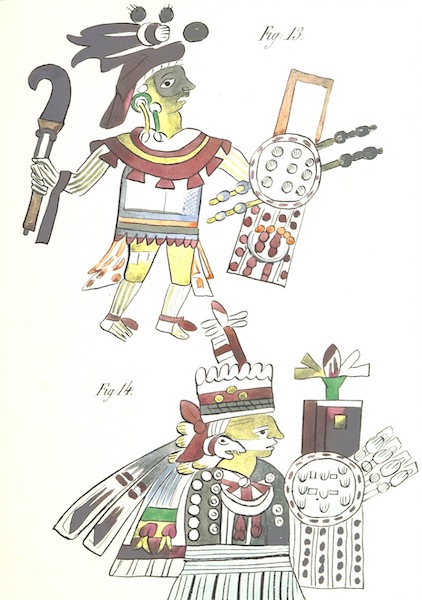 | Apendice - Lamina 8
|
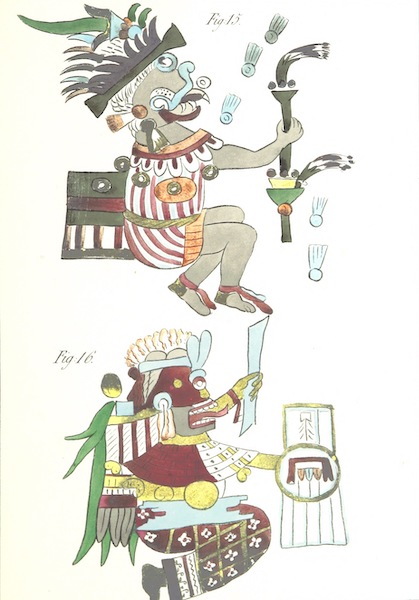 | Apendice - Lamina 9
|
 | Aphrodite and Eros
|
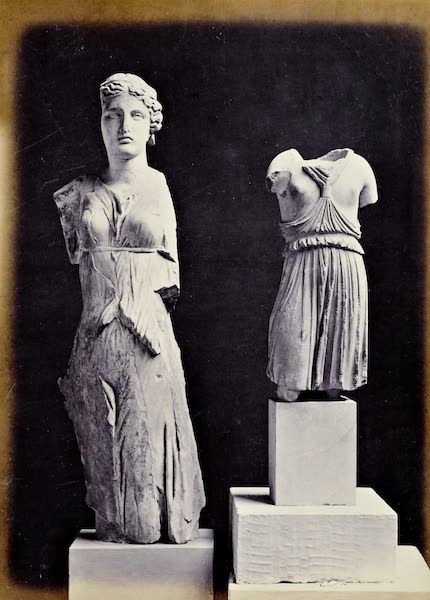 | Aphrodite and Female Torso
|
 | Aphrodite Euploia
|
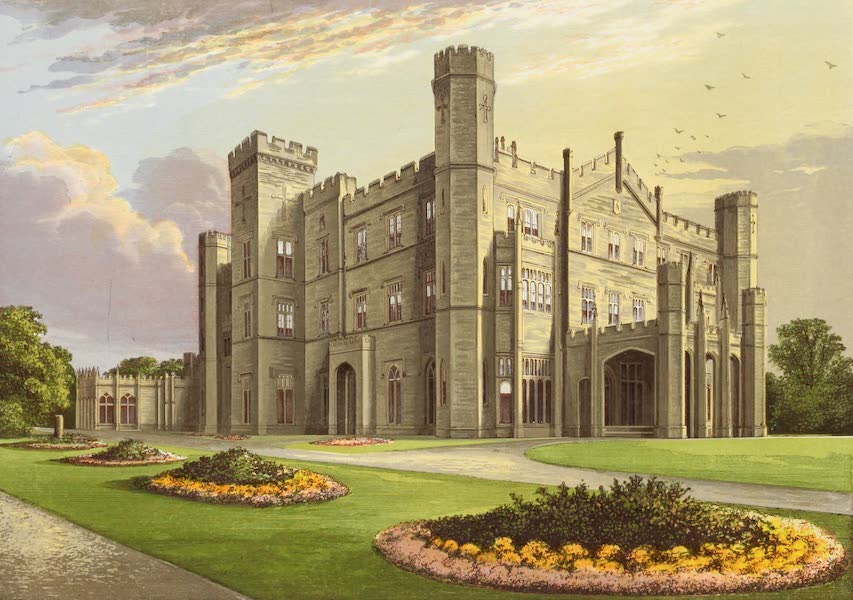 | Apley Park
|
 | Apollo (bronze)
|
 | Apollo Citharoedes
|
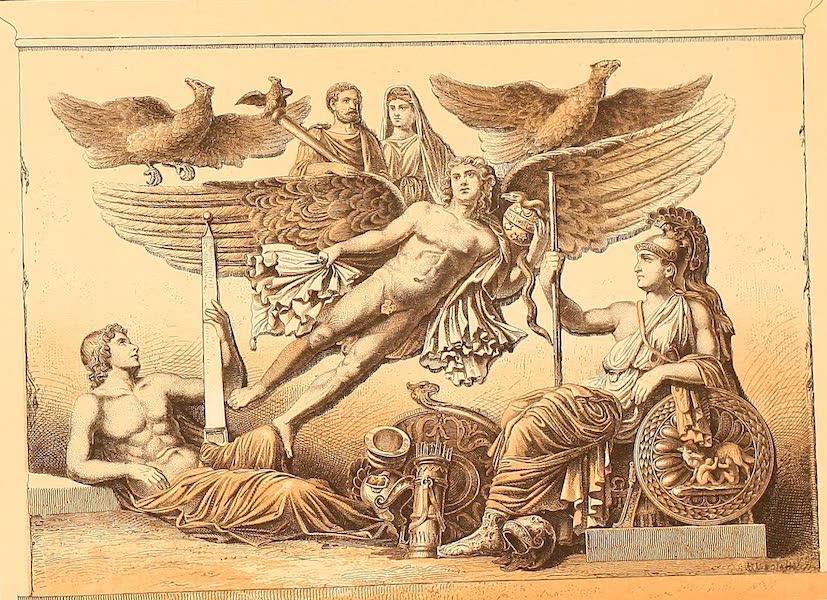 | Apotheose
|
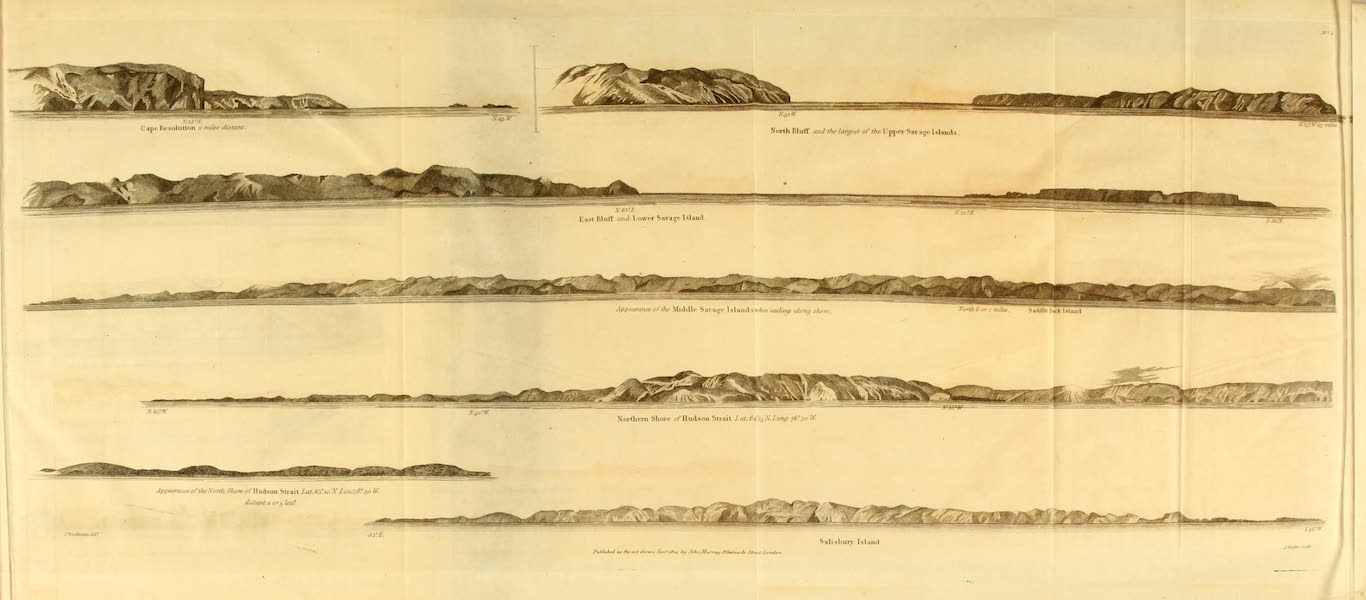 | Appearances of Lands, No. 1.
|
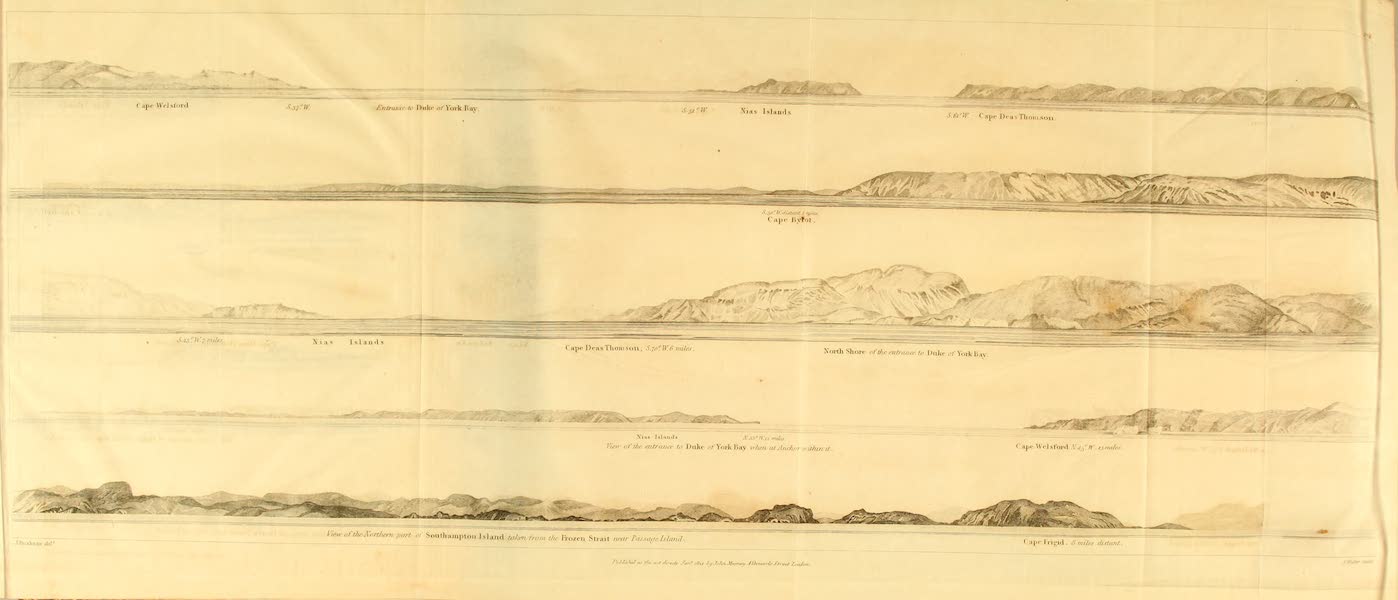 | Appearances of Lands, No. 2.
|
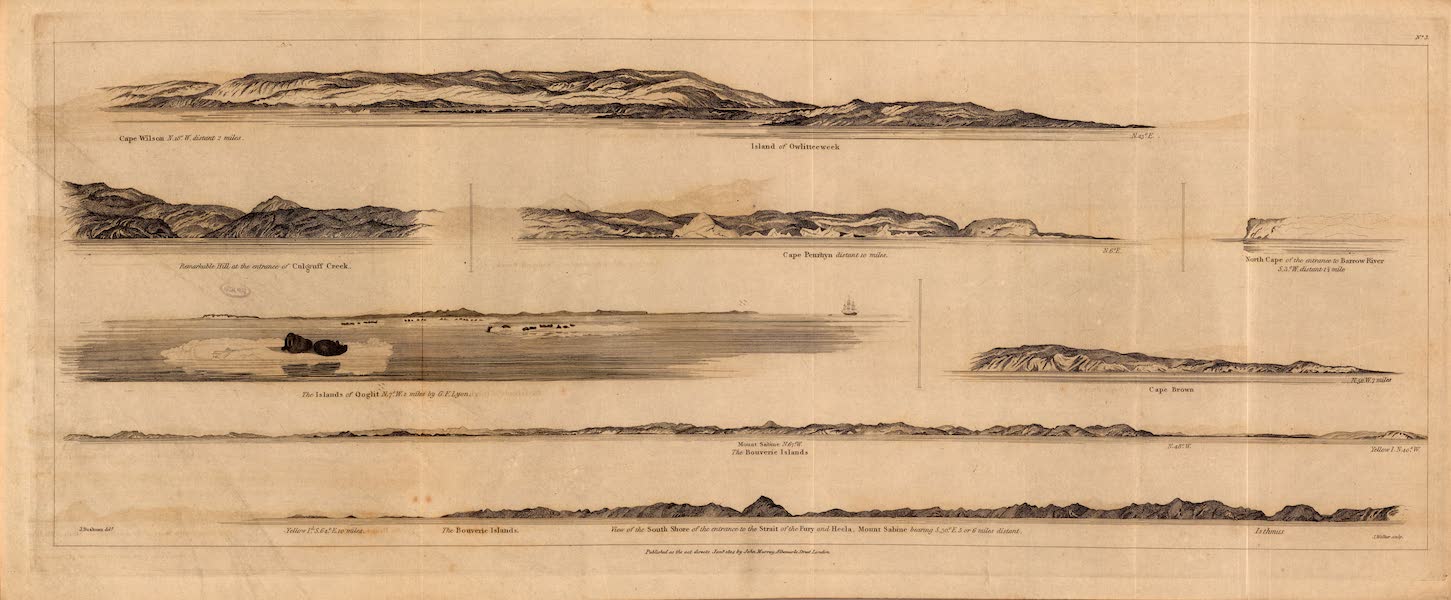 | Appearances of Lands, No. 3.
|
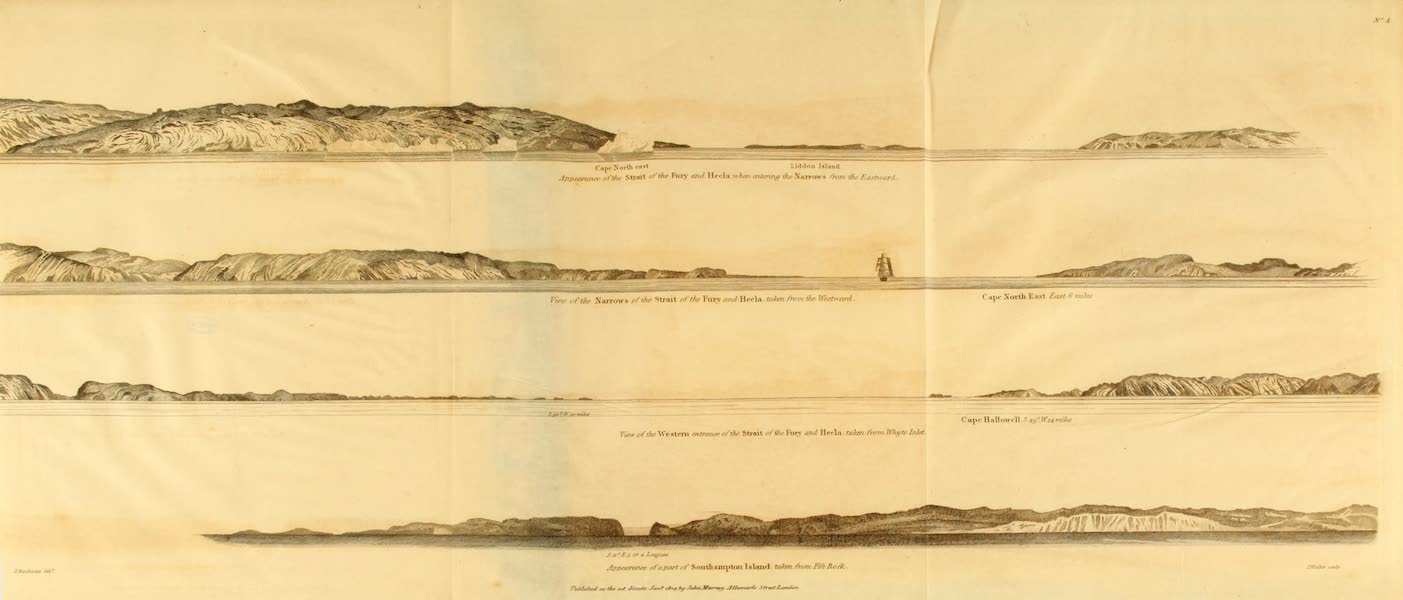 | Appearances of Lands, No. 4.
|
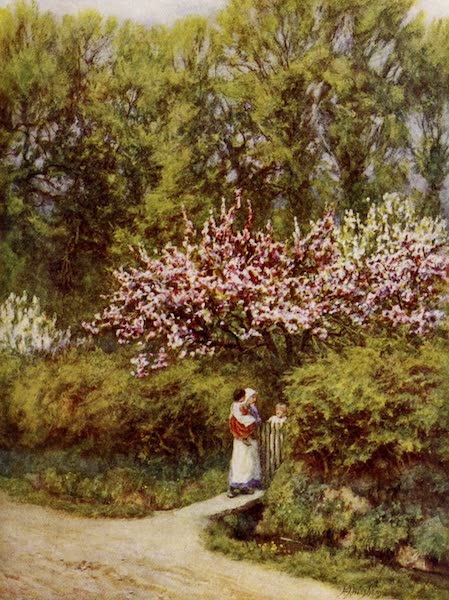 | Apple and Pear Blossom
|
 | Apple Orchard in Blossom, Okanagan Valley
|
 | Apple Orchard, Okanagan Valley, B.C.
|
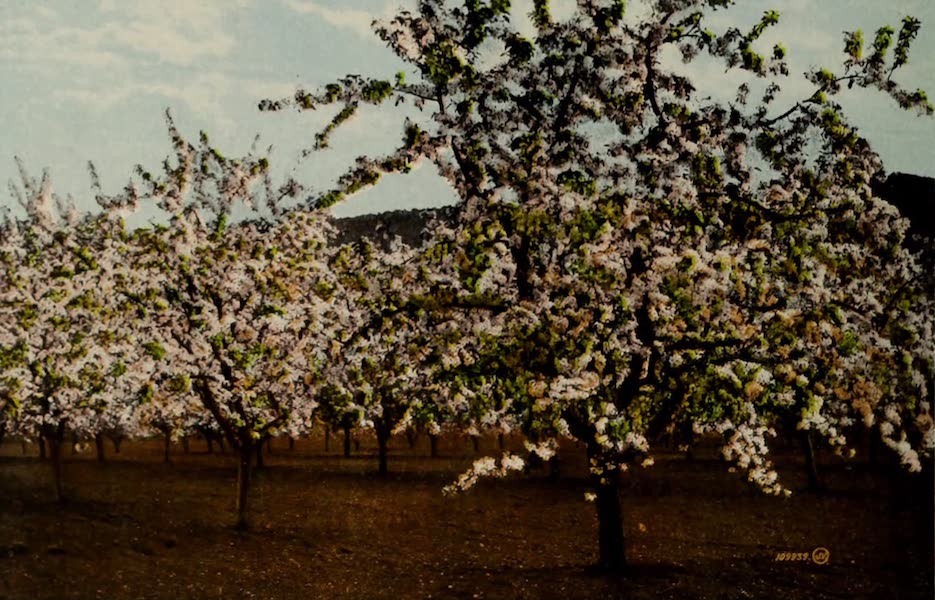 | Apple Tree in Blossom, Okanagan Valley
|
 | Apple Trees
|
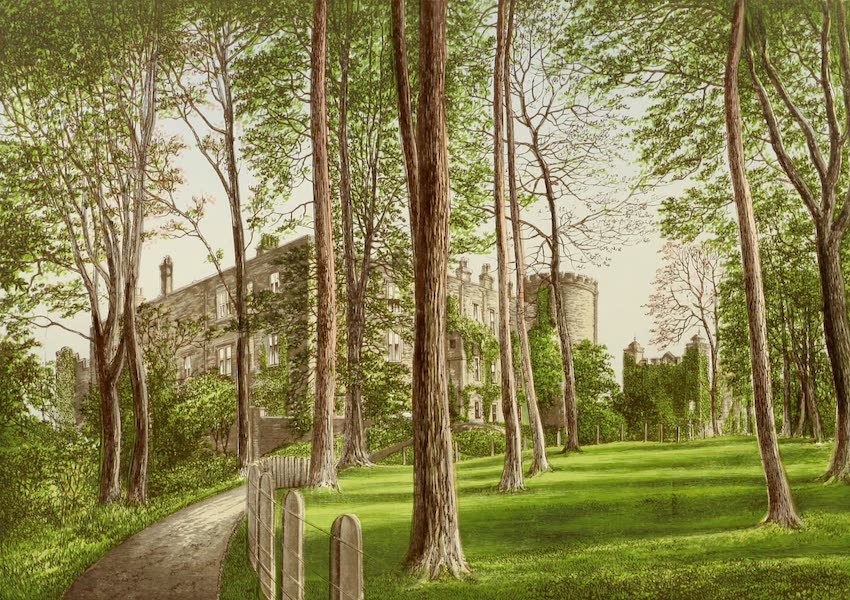 | Appleby Castle
|
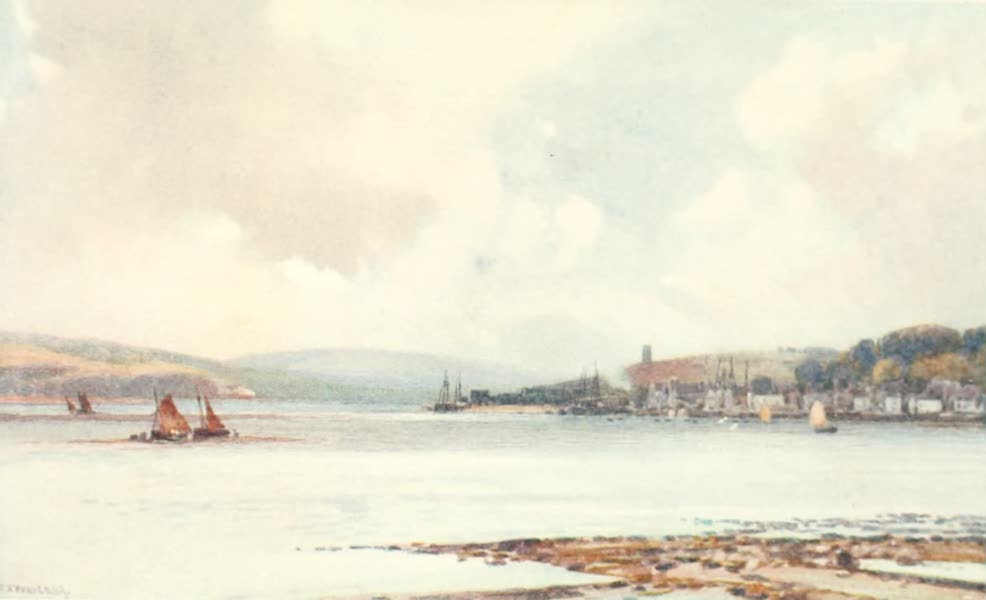 | Appledore
|
 | Appledore
|
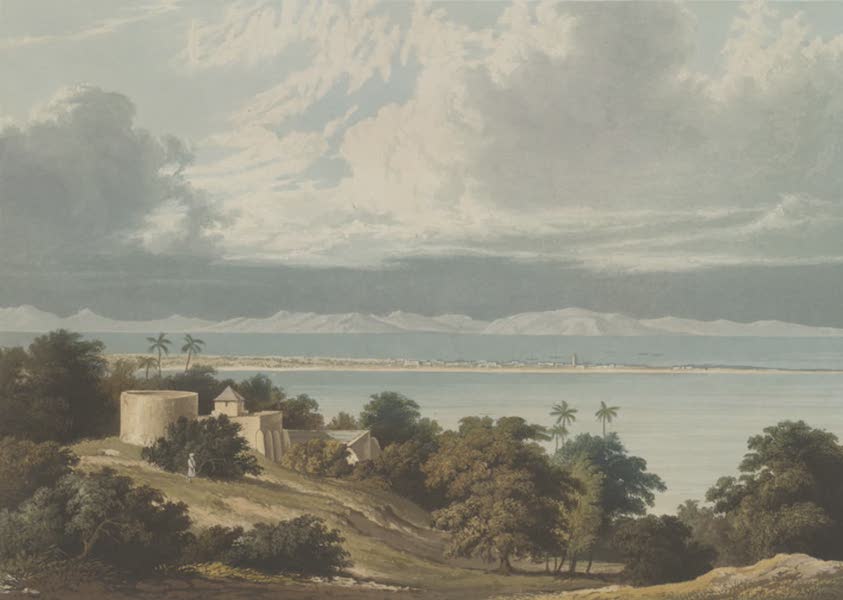 | Approach of the Monsoon, Bombay Harbour
This is plate two of Robert Melville Grindlay's 'Scenery, Costumes and Architecture chiefly on the Western Side of India'. Grindlay (1786-1877) worked for the East India Company and was an artist in his spare time. During his stay in India he made a large collection of sketches and drawings. The approach of monsoon on the Western Coast of India, Grindlay writes: "is indicated by vast masses of clouds, which, for many days previous to the bursting of the monsoon, collect over the Ghats or Mahratta mountains, assuming an awful and threatening appearance. After a period of nearly eight months of almost total absence of rain, it descends with a violence unknown beyond the tropics, producing an effect ... which has the appearance of magic; the surface of the earth ... assumes, in the short space of three or four days the most brilliant verdure." |
 | Approach to Alexandria
|
 | Approach to Bellinzona
|
 | Approach to Gnadenthal, crossing the River Sonderend
|
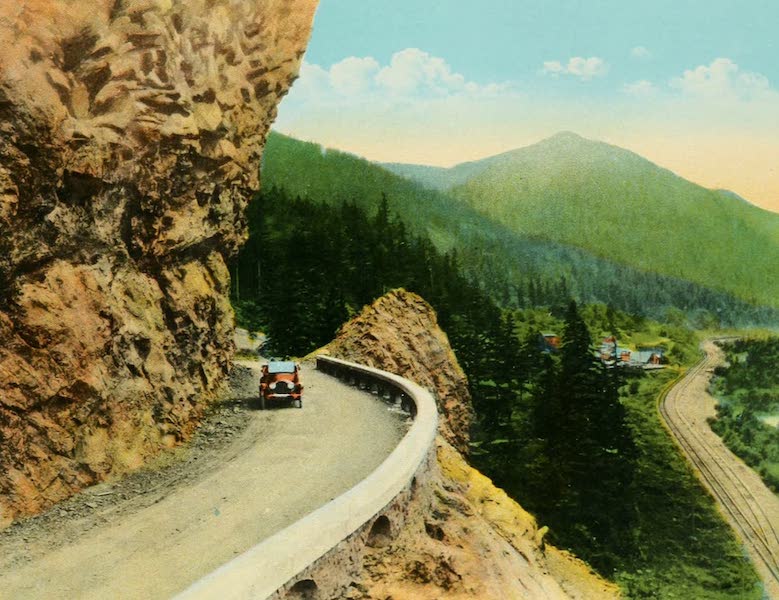 | Approach to Mitchell's Point
|
 | Approach to Mount Sinai
|
 | Approach to Rio de Janeiro, from the Westward toward Sugar Loaf, about Four Leagues Distant
|
 | Approach to Saint Sauveur
|
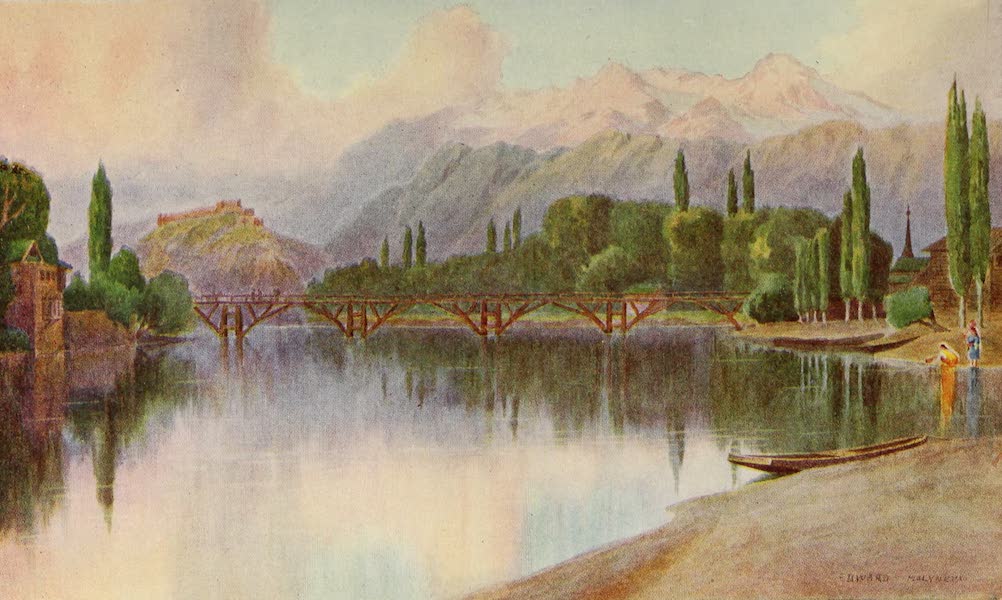 | Approach to Srinagar
|
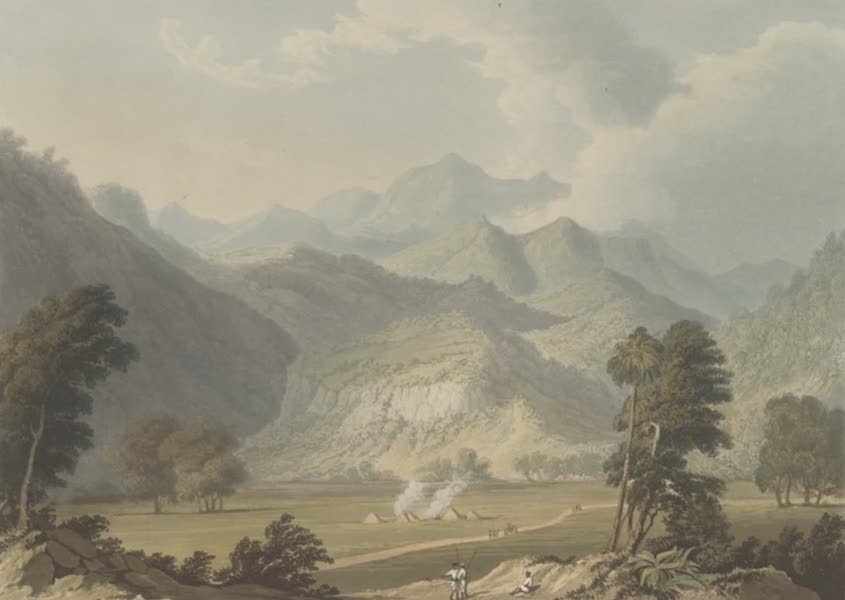 | Approach to the Bore Ghaut
This is plate 8 of Robert Melville Grindlay's 'Scenery, Costumes and Architecture chiefly on the Western Side of India'. Grindlay (1786-1877) worked for the East India Company and as an artist made a large collection of sketches and drawings. The Bhor (or Bhore) Ghat is the northern part of today's Maharashtra state. It has always been the main pass over the Western Ghats and the means of communication between sea-coast and the Deccan. Bhor was a native state of India, in the Poona Political Agency, and situated among the higher peaks of the Western Ghats. Grindlay observed that "early in the day, as the sun rose", was the best time to see the mountains, as then their "gigantic pinnacles"' appeared through the receding mist. |
 | Approach to the Fortress of Ibrim
|
 | Approach to the Temple of Wady Saboua, Nubia
|
 | Approach to Yarkand
|
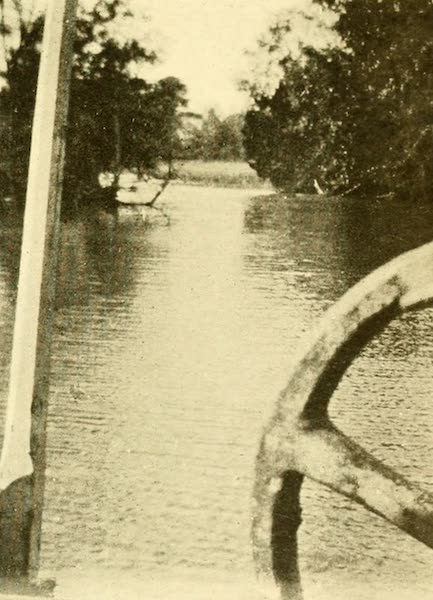 | Approaching A Narrow Place
|
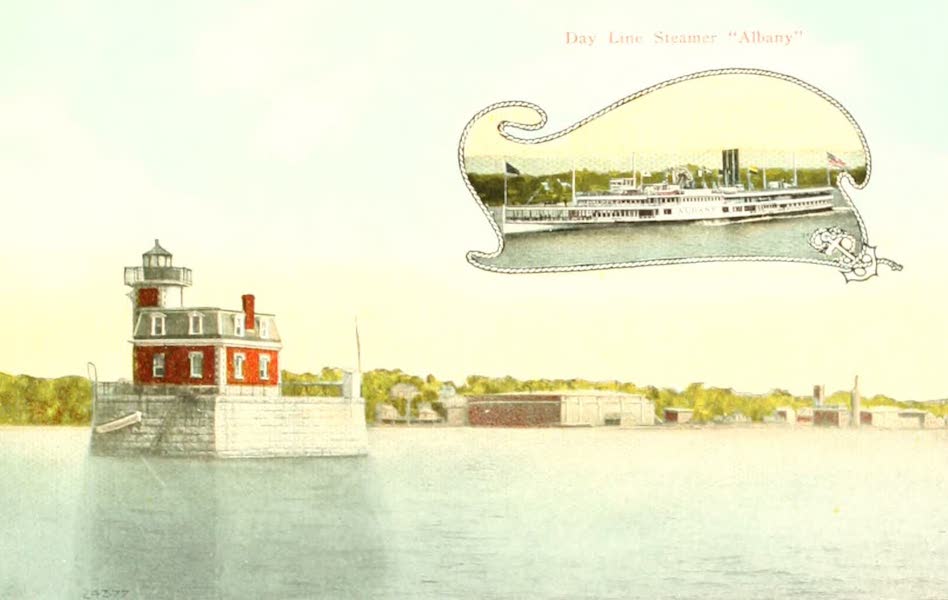 | Approaching Hudson, N.Y.
|
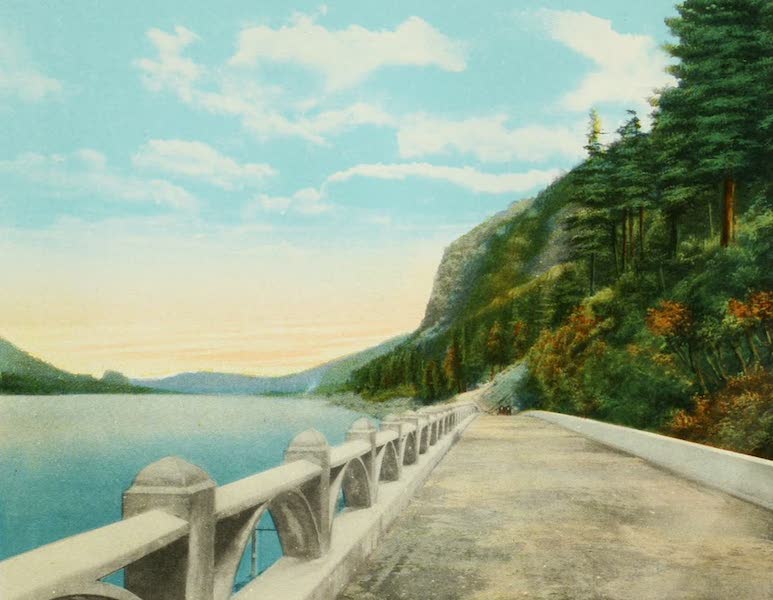 | Approaching Multnomah Falls
|
 | Approaching Storm
|
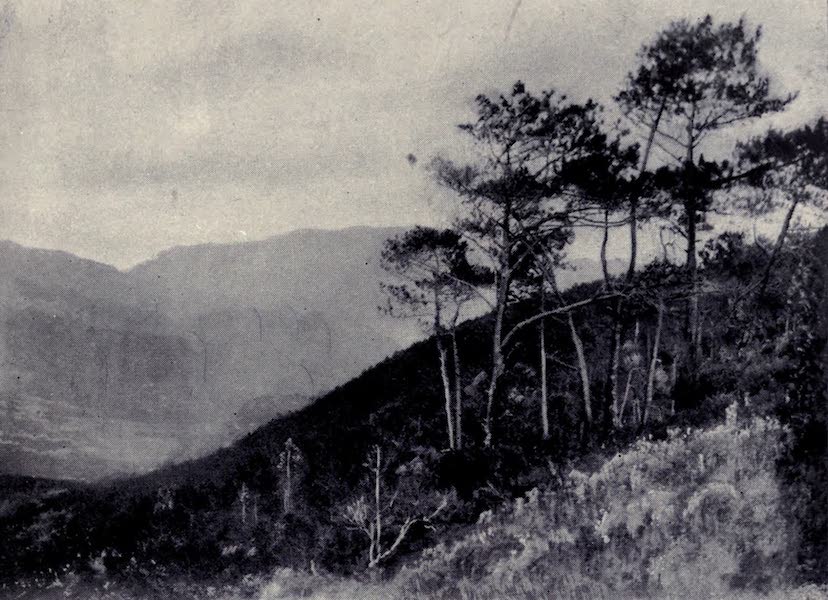 | Approaching the Machico Valley
|
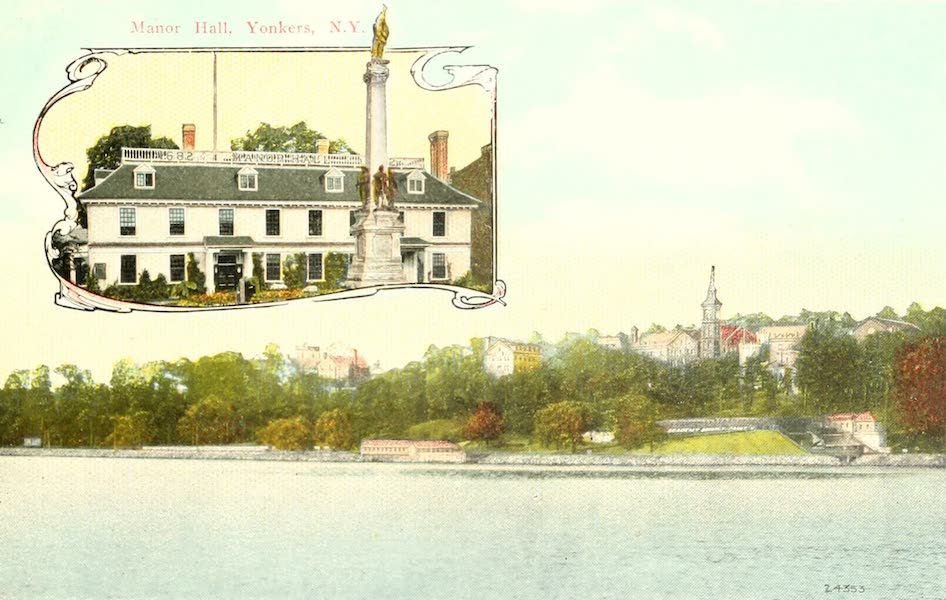 | Approaching Yonkers, N.Y., from the South
|
 | Appuldurcombe Pk. Lord Yarborough's
|
 | Apricale, from the West
|
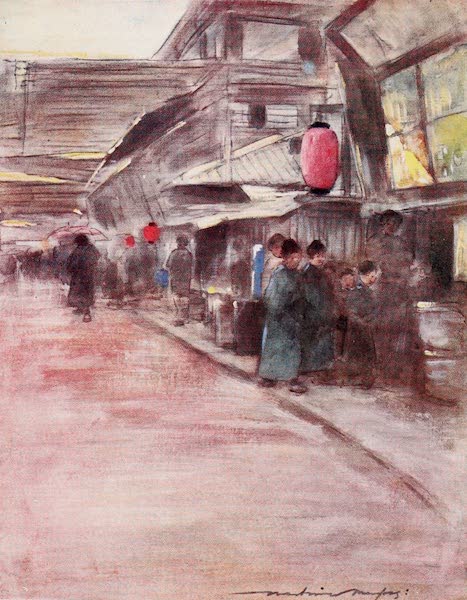 | Apricot-Blossom Street
|
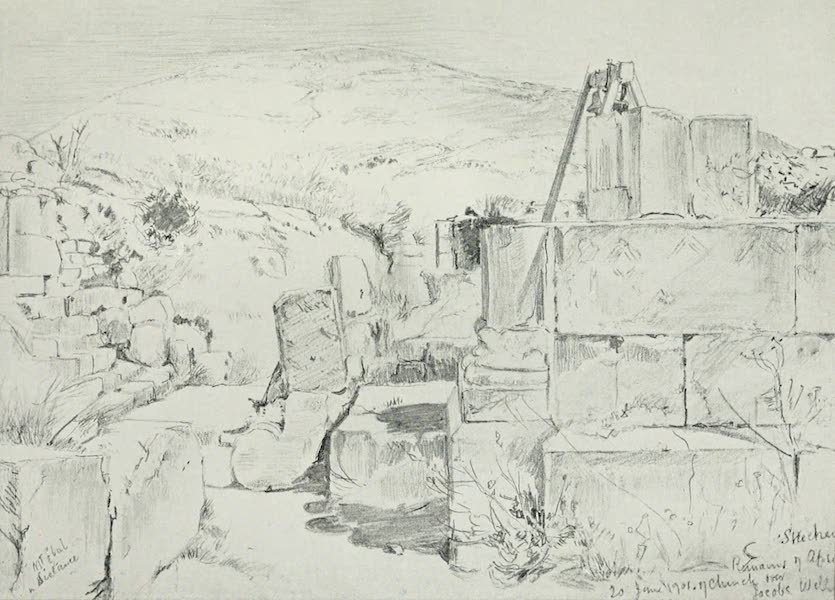 | Apse of the Fourth - Century Church over Jacob's Well at Shechem (Nablus)
|
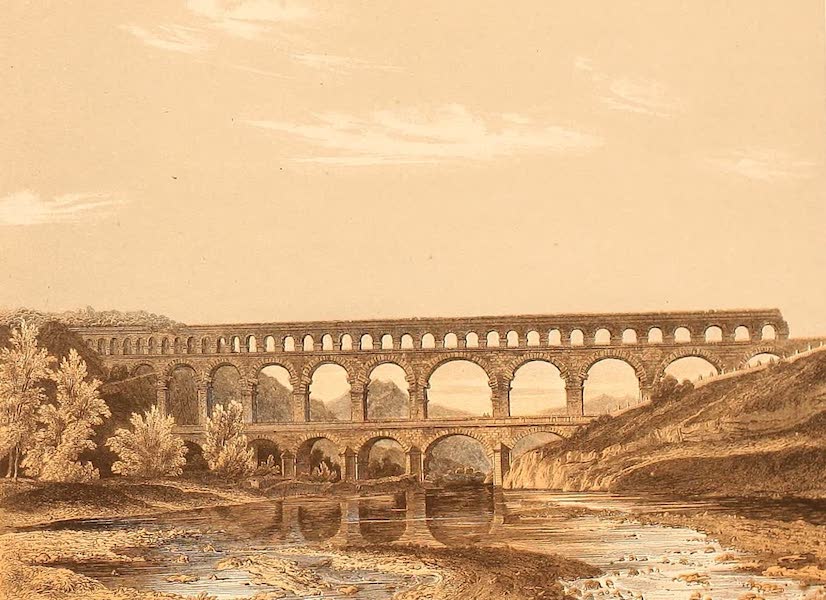 | Aquaeduct bei Nimes
|
 | Aquaforte
Aquaforte is a fine harbour about 50 miles South of St. John's. The road to it from the capital is full of beautiful scenes. |
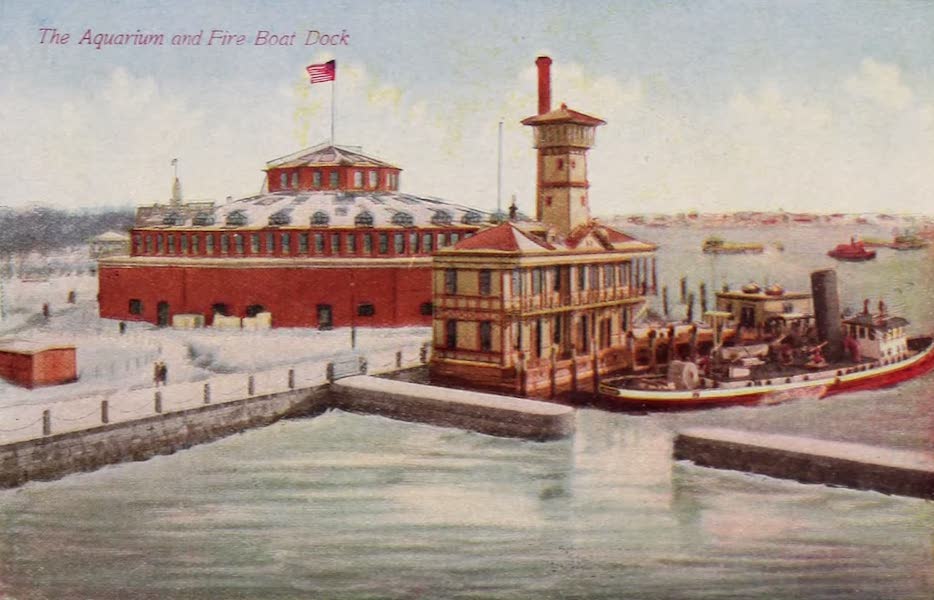 | Aquarium and Fire Boat Dock
|
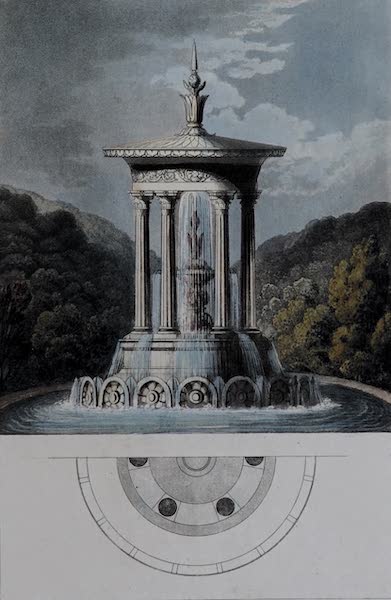 | Aquatic Temple
|
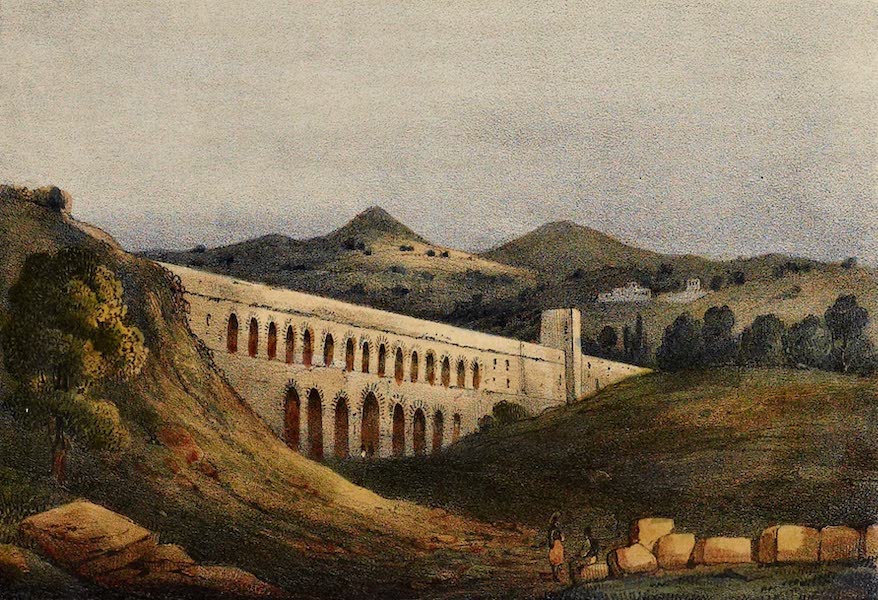 | Aqueduc de Mustapha Pacha
|
 | Aqueducs de Rio-Janeiro
|
 | Aqueduct near Belgrade
|
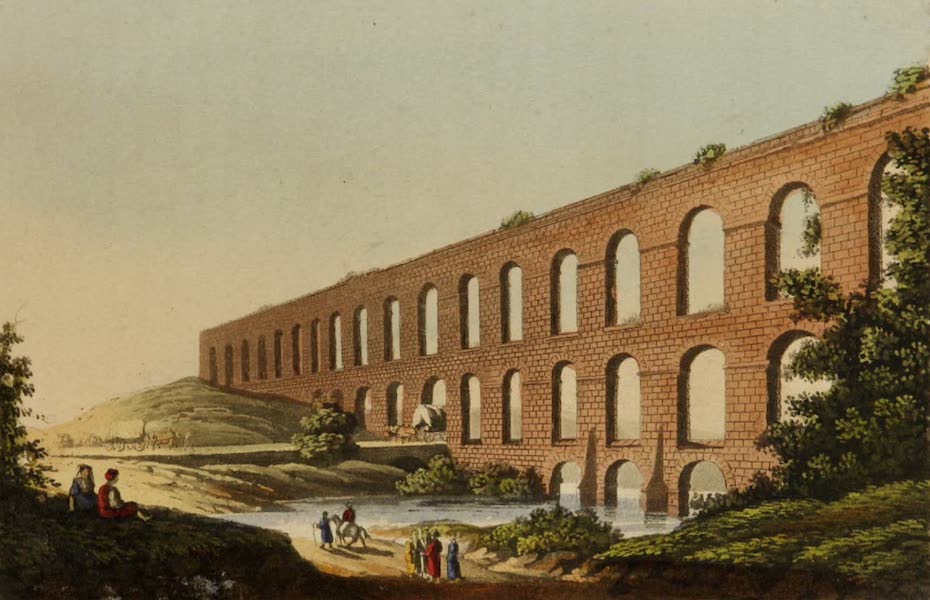 | Aqueduct near Belgrade
|
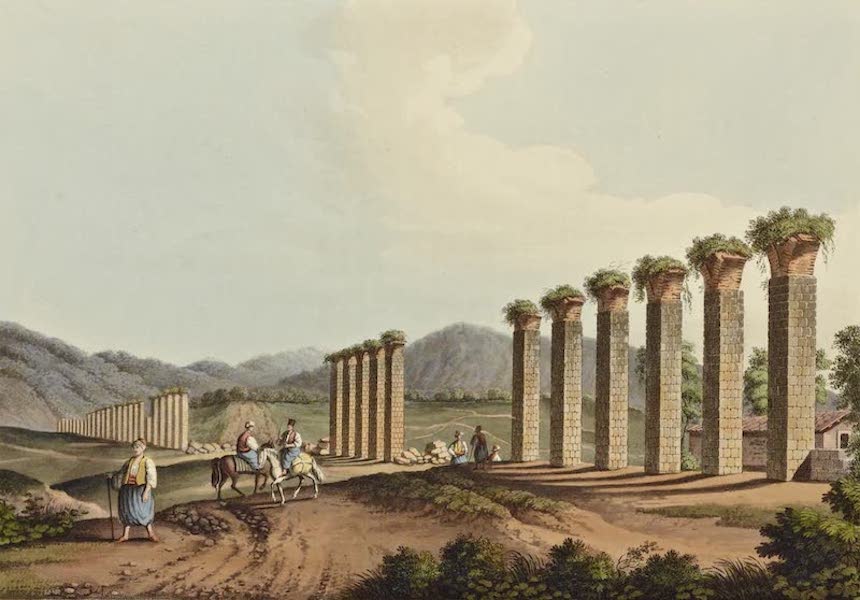 | Aqueduct near Ephesus
|
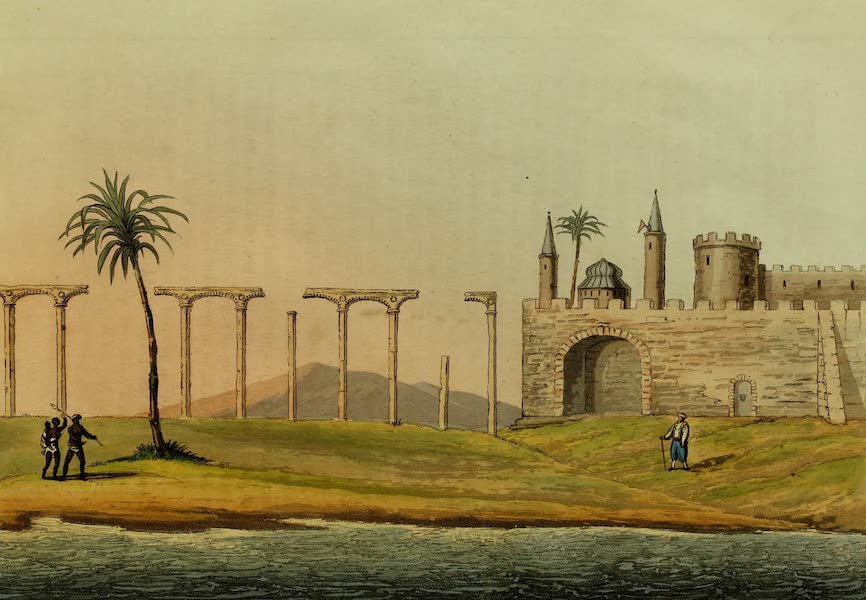 | Aqueduct near the City of Tripoly
|
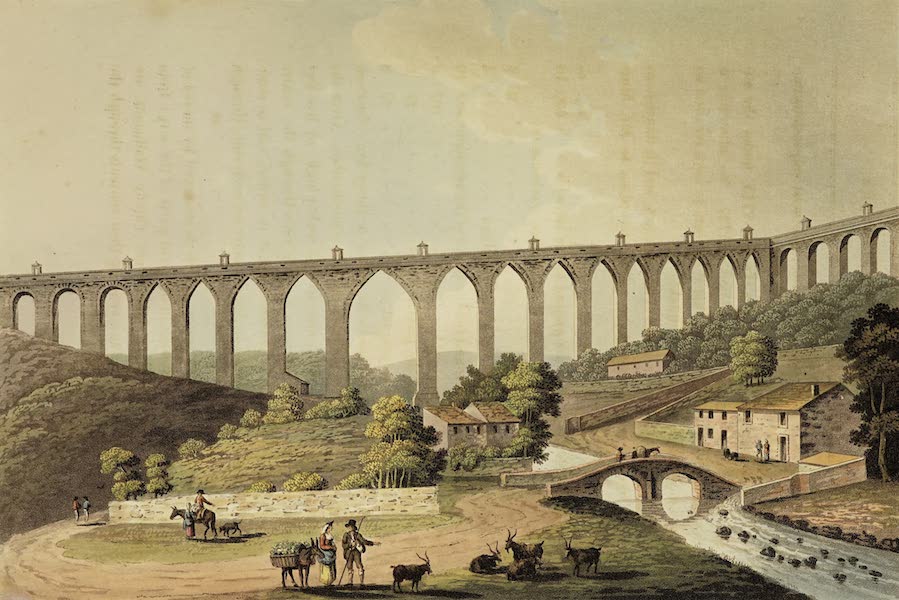 | Aqueduct of Alcantara
|
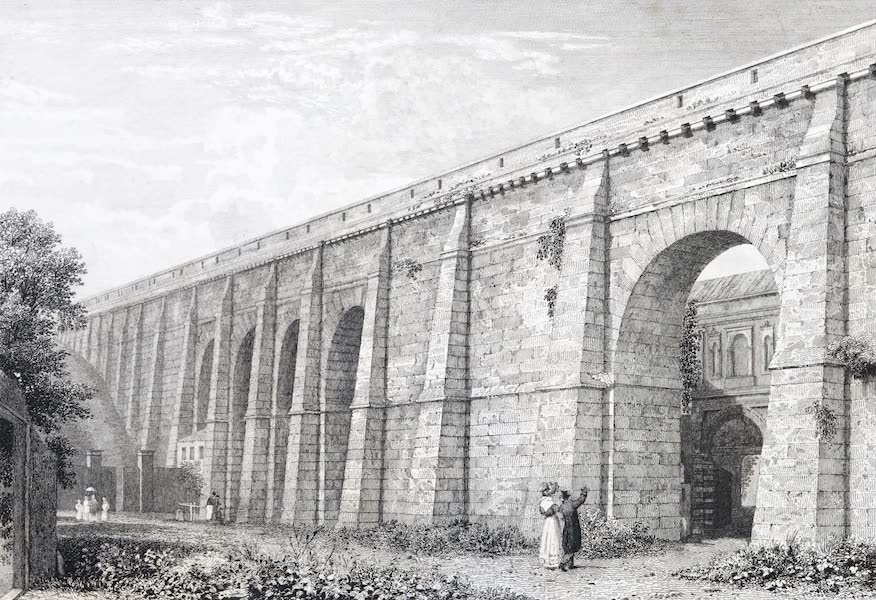 | Aqueduct of Arcueil
|
 | Aqueduct Three Miles From Terracina Towards Rome
|
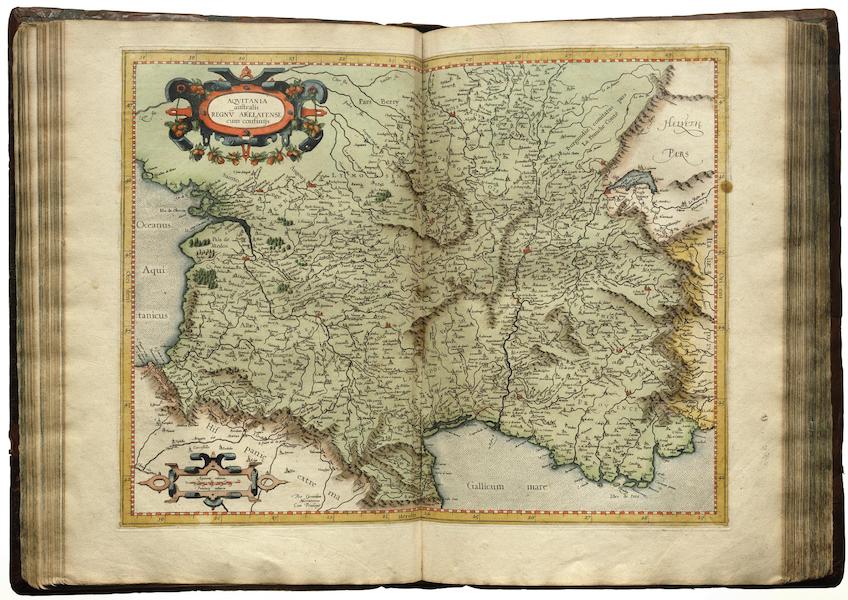 | Aquitania, Arelatense
|
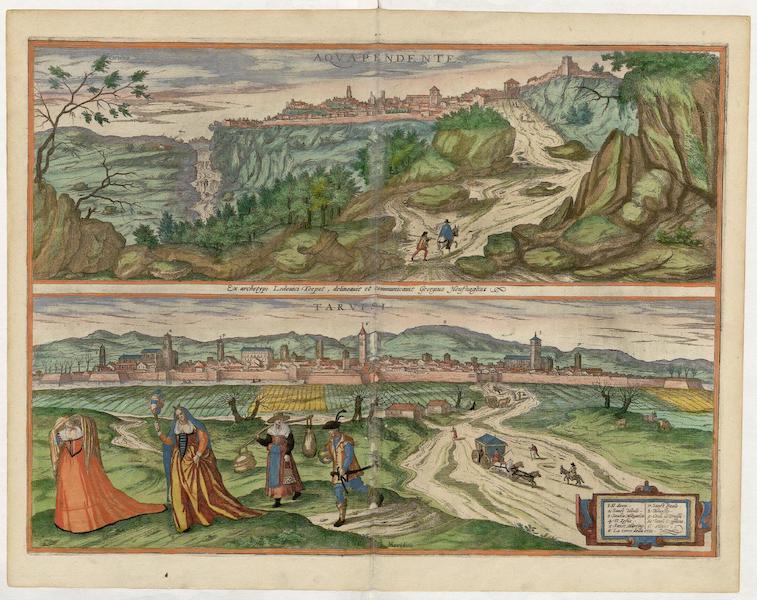 | Aqvapendente et Tarvisi
|
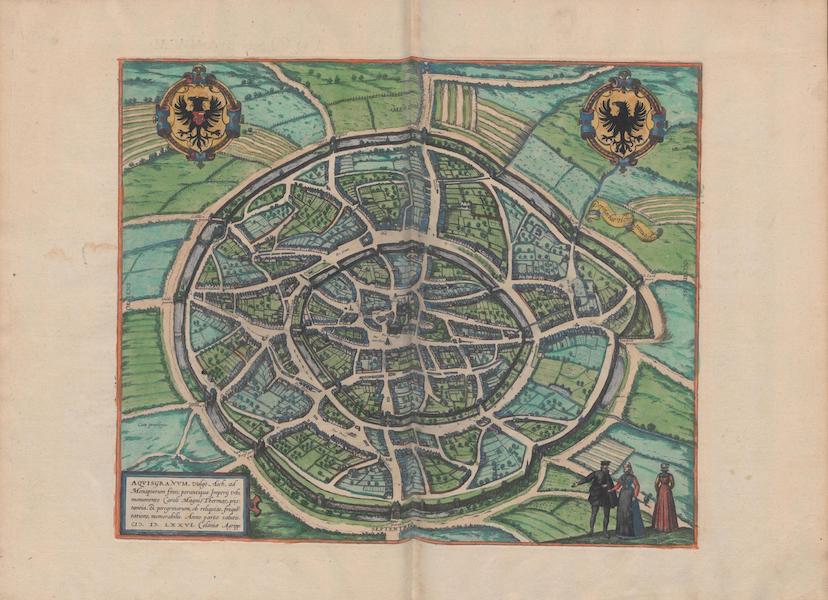 | Aqvisgranvm Vulgo Aich 1576
|
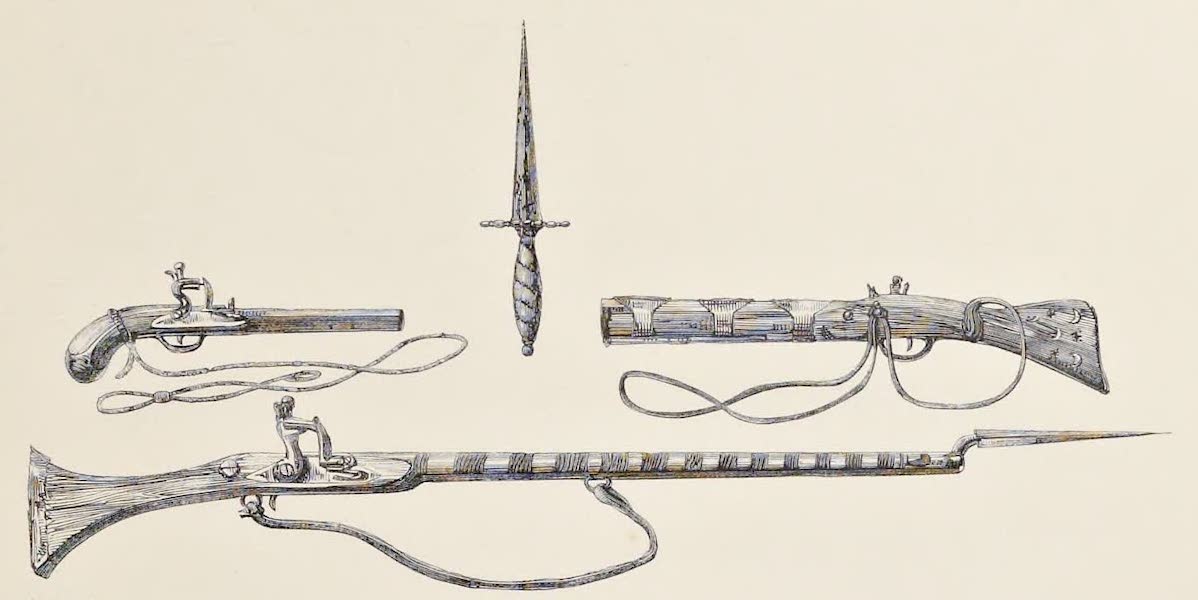 | Arab Arms of the Cyrenaica
|
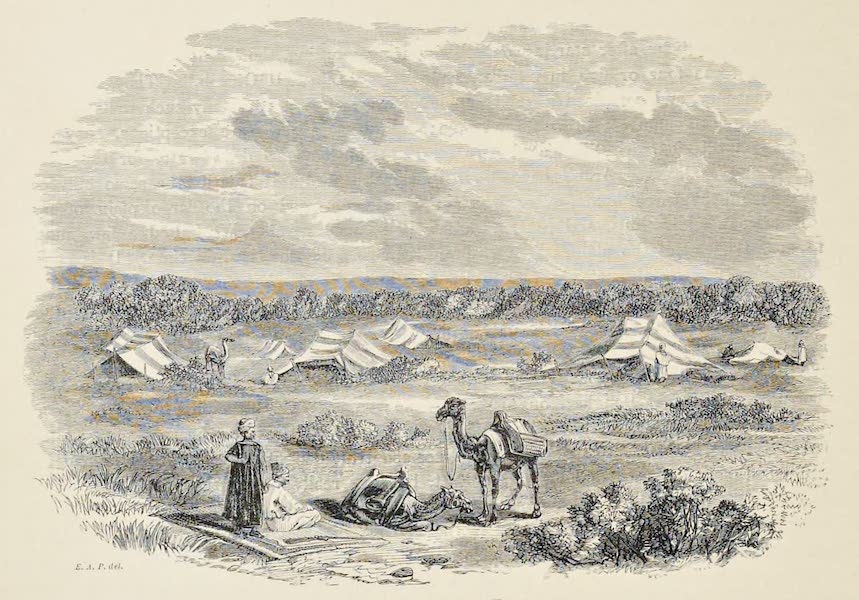 | Arab Camp near Teuchiba
|
 | Arab Encampment between Homs and Palmyra
|
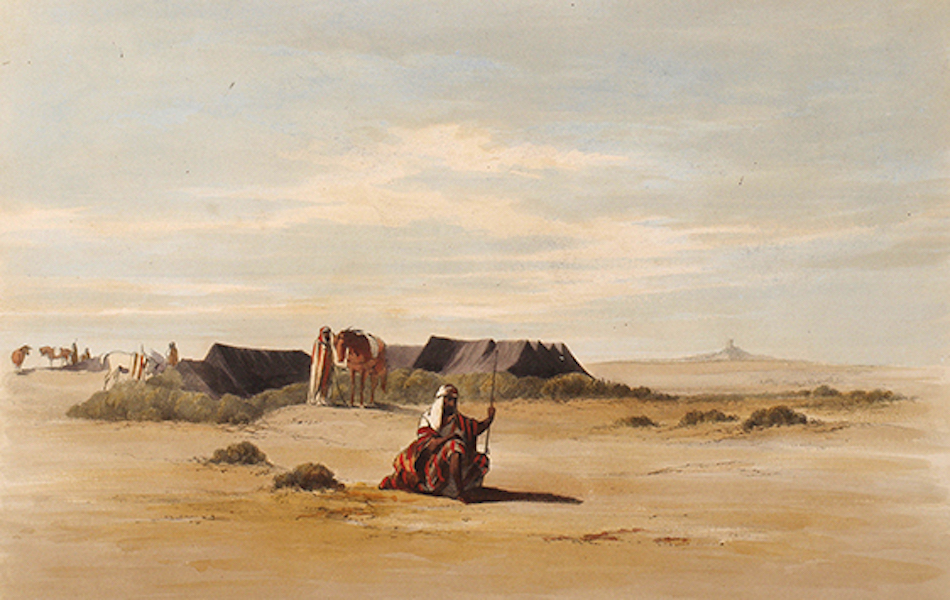 | Arab Encampment, near the Birs Nimrod
|
 | Arab Farmer
|
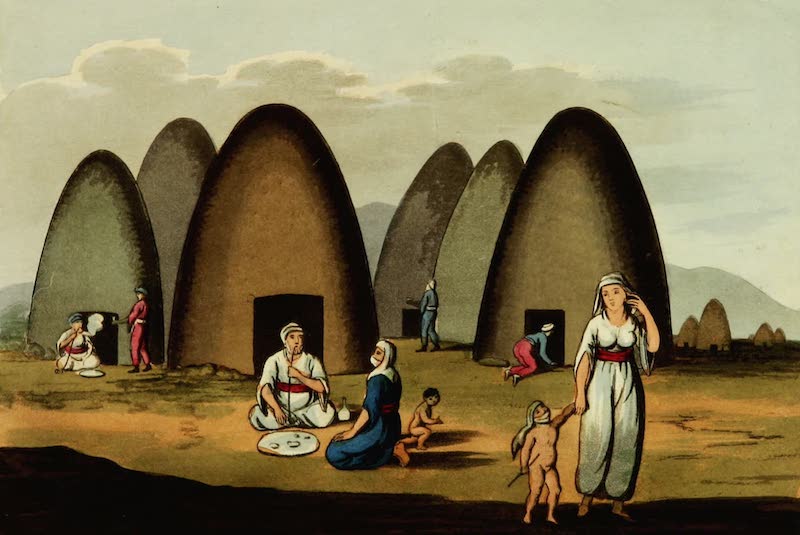 | Arab Huts at Zeta
|
 | Arab School
|
 | Arab Soldier
|
 | Arab Village inside the Court of the Temple of the Sun, Palmyra. From a Photograph
|
 | Arab Woman of Cairo
|
 | Arabac dance
|
 | Arabat, or Turkish Ladies Carriage
|
 | Arabe du Desert
|
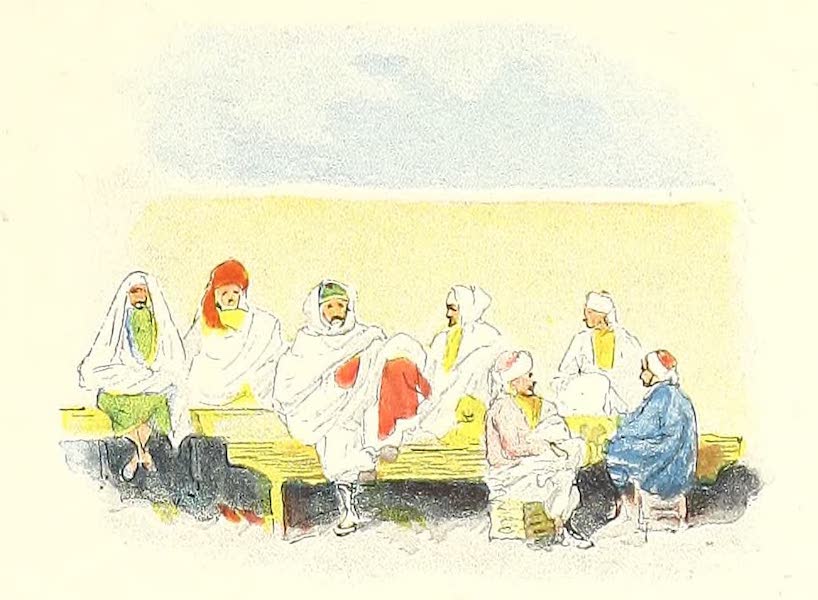 | Arabes au café
|
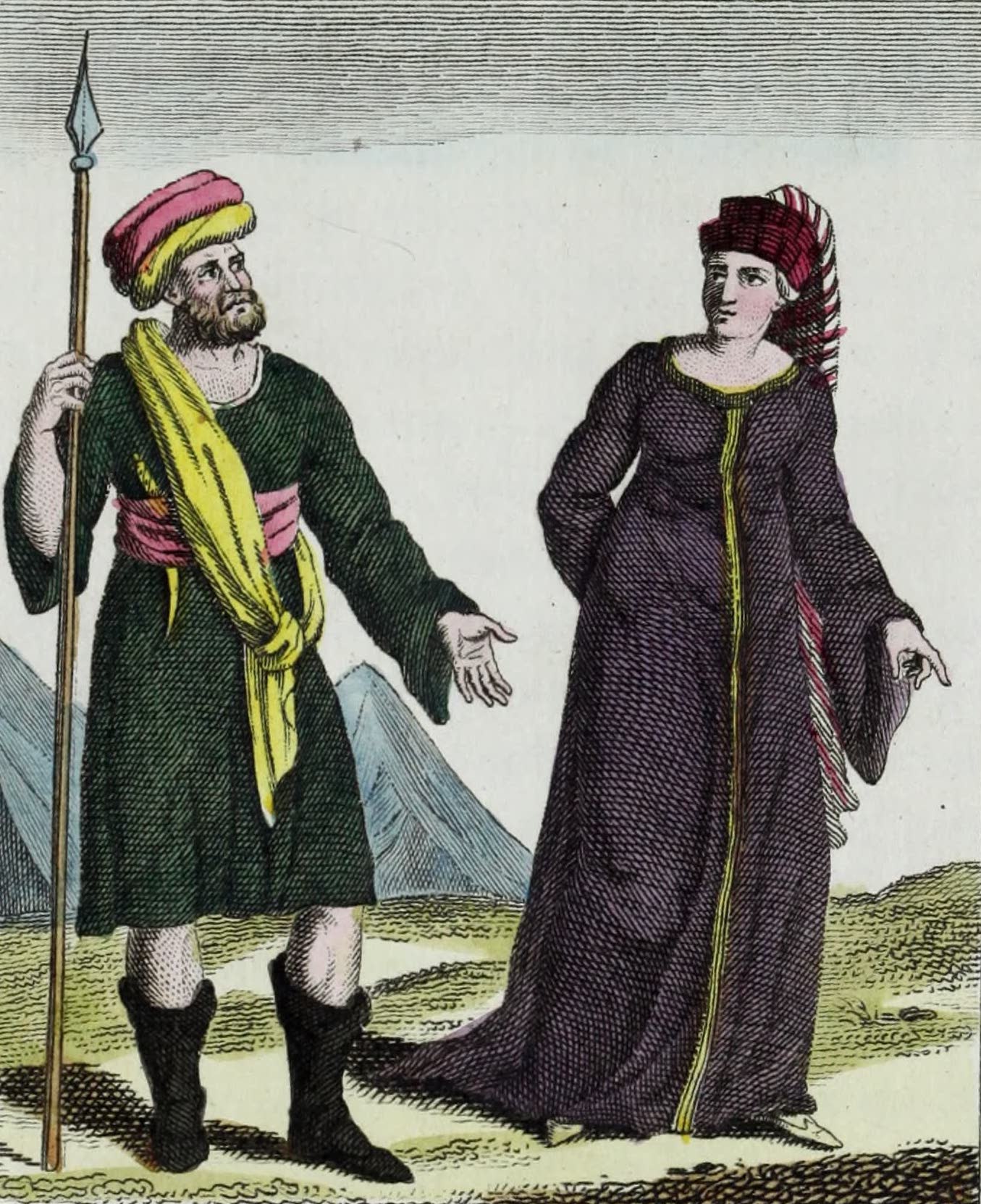 | Arabes du Desert
|
 | Arabes hommes et femmes qui prient
|
 | Arabia
The Arabian Peninsula outlined in gold showing drawings of Mount Sinai, a camel and depictions of the Arab people. Simple border surrounds the map. |
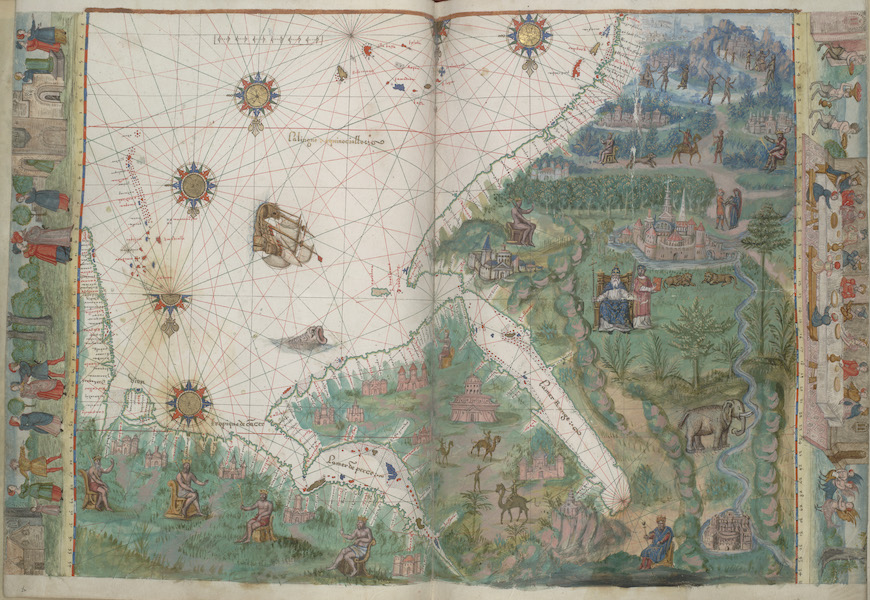 | Arabian Sea, Red Sea, and Persian Gulf.
|
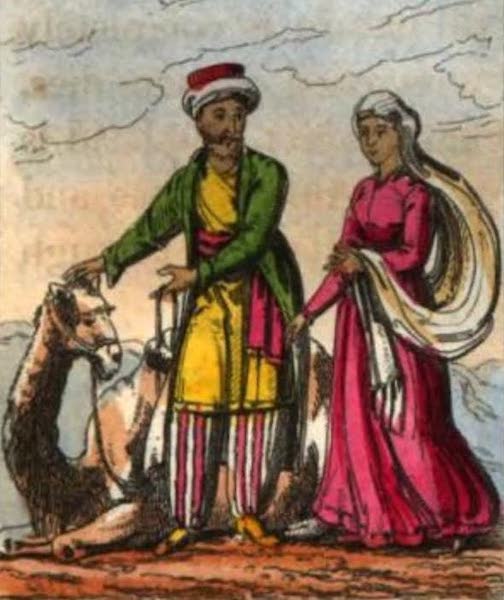 | Arabians
|
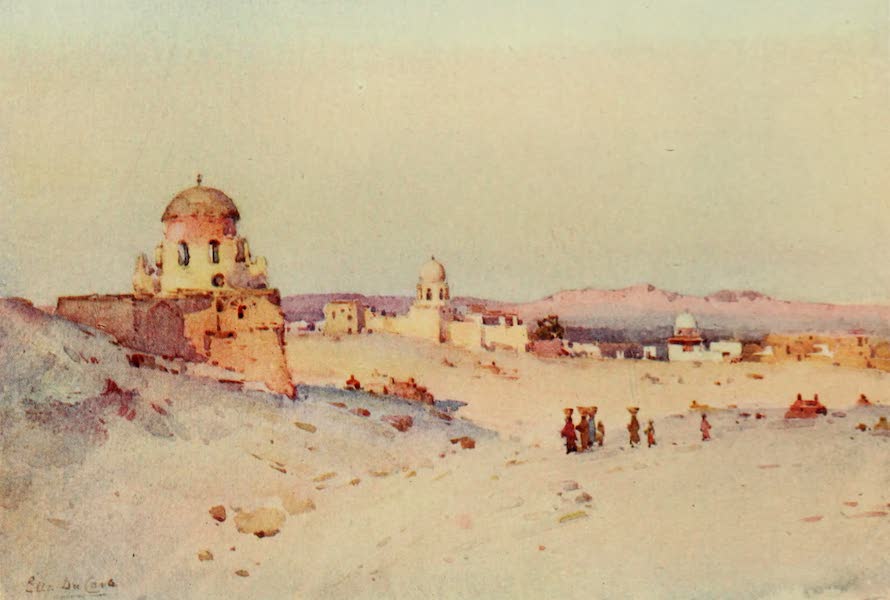 | Arabic Cemetery, Assuan
|
 | Arabs Exercising
|
 | Arabs of the Desert
|
 | Arabs Recreating in the Desert
|
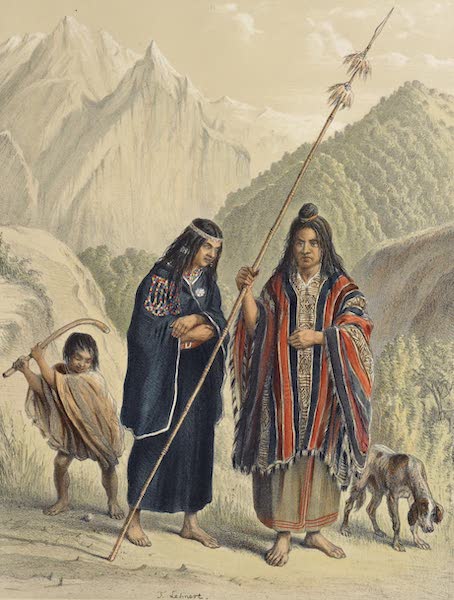 | Aracuanos
|
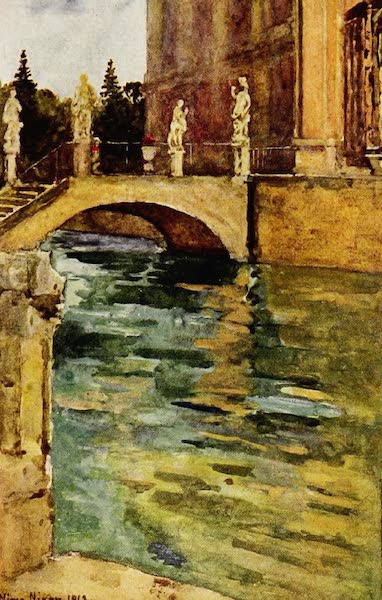 | Aranjuez
|
 | Aratiatia Rapids
|
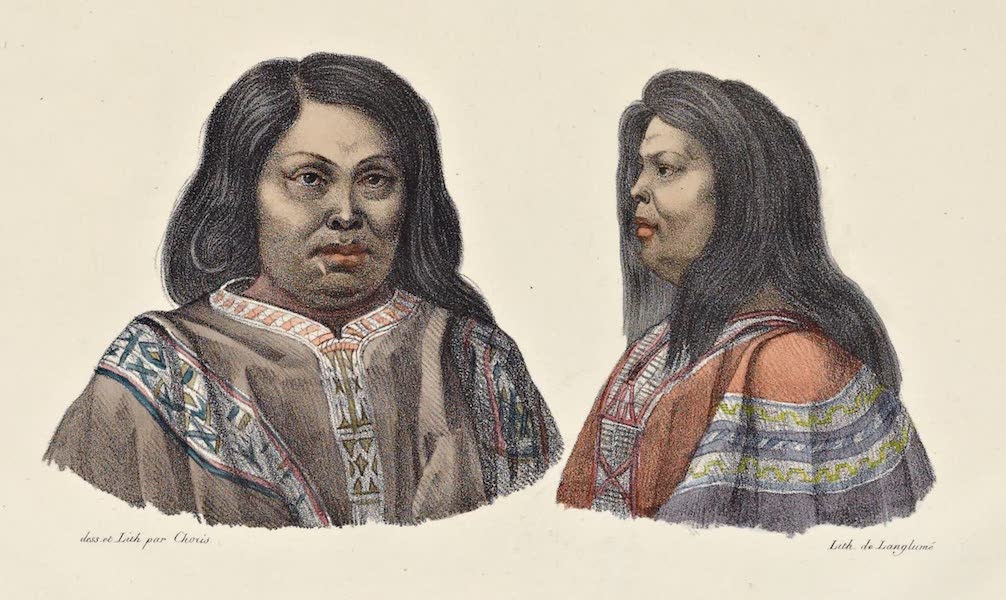 | Araucanos indigenes de Chili
|
 | Arauco (1839)
|
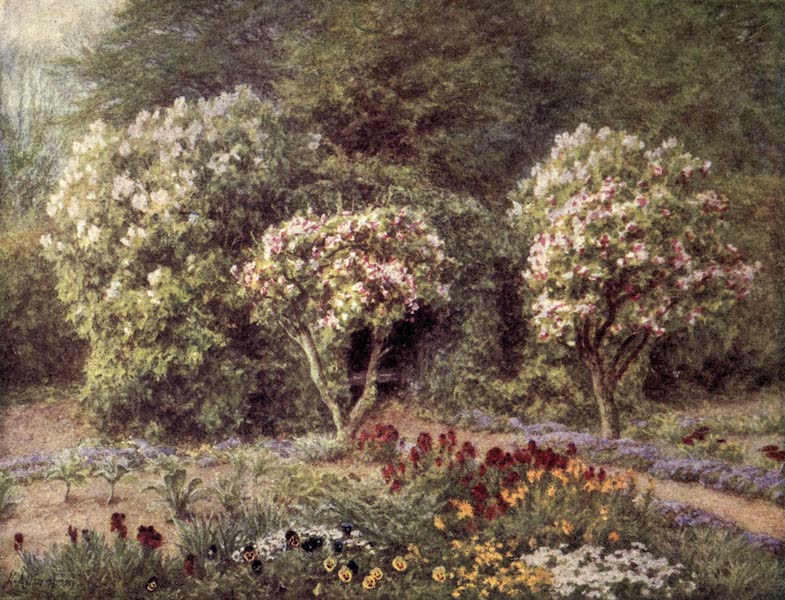 | Arbour in Farringford Kitchen Garden
|
 | Arbury Hall
|
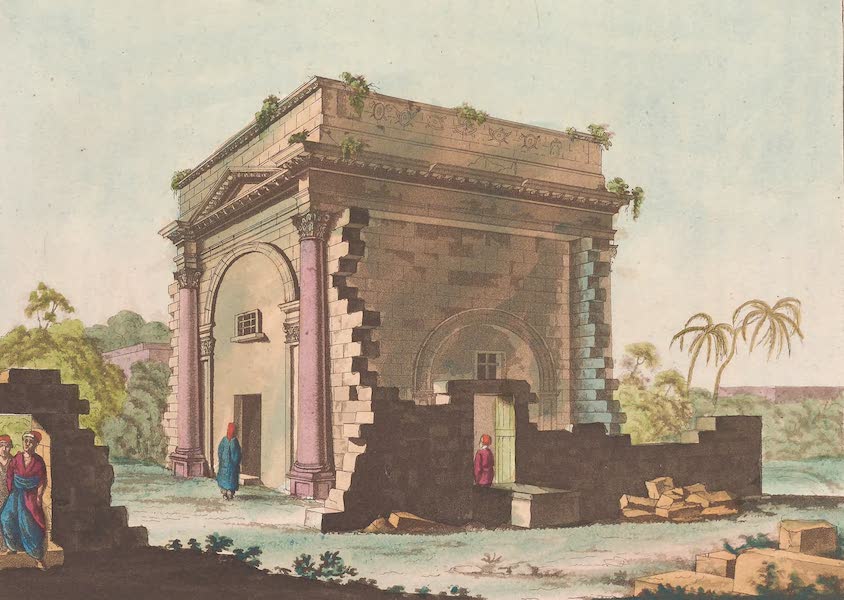 | Arc de Laodicee
|
 | Arc de triomphe d'Aphrodisium
|
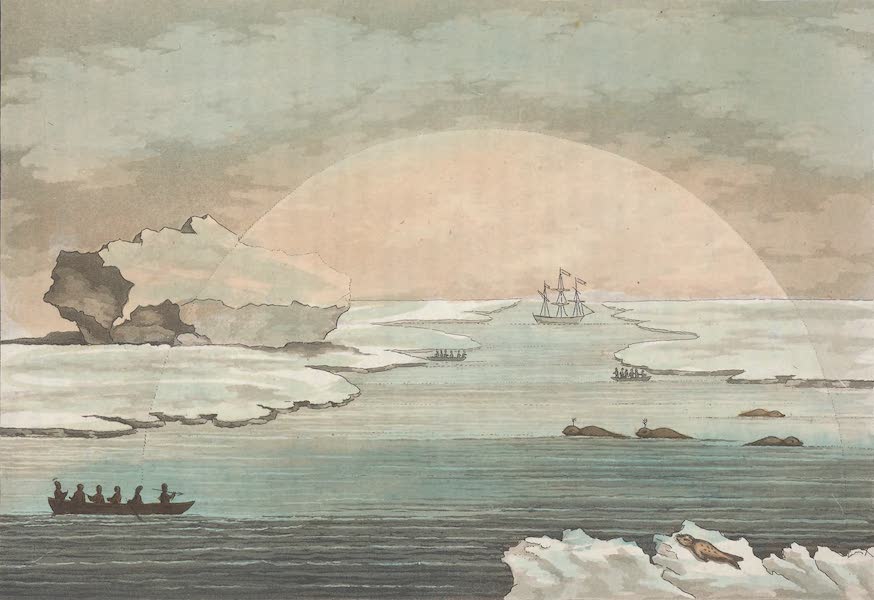 | Arc lumineux de Chelaski dans le detroit d'Johnston
|
 | Arcade of the Palais Royal
|
 | Arcade under the Nieuwerk, Ypres
|
 | Arcade under the Nieuwerk, Ypres
|
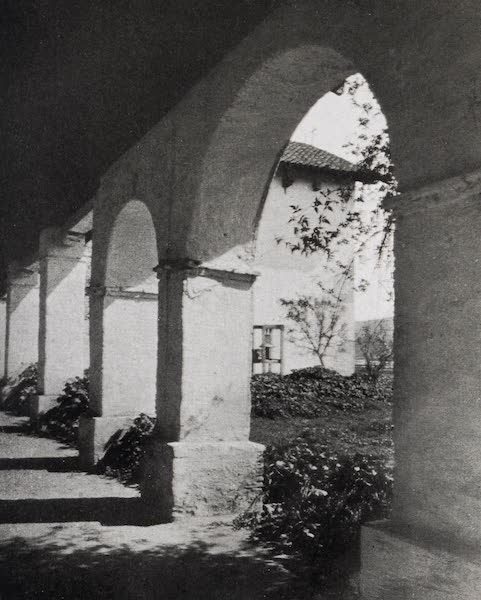 | Arcade, San Miguel
|
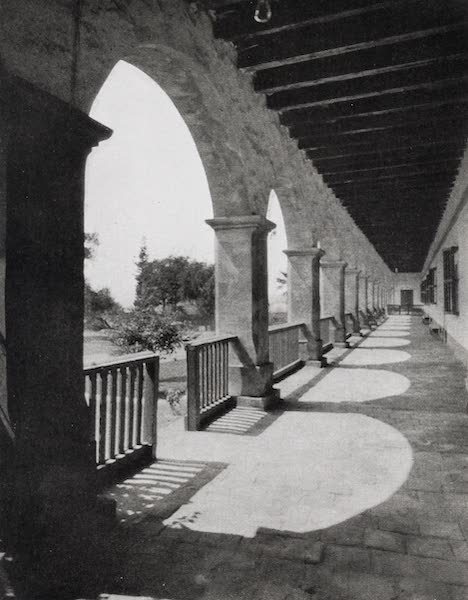 | Arcade, Santa Barbara
|
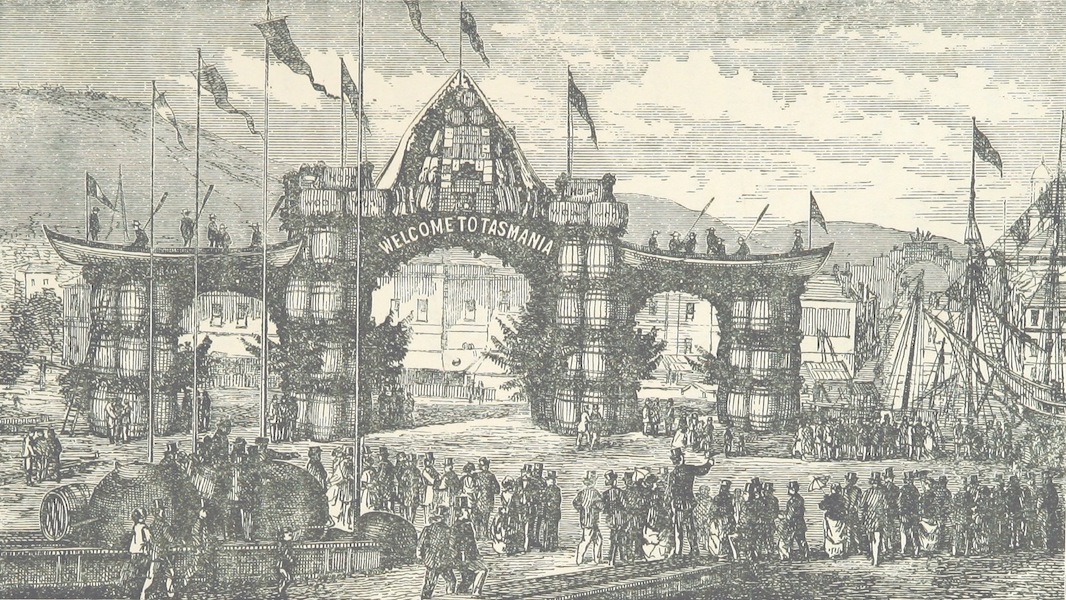 | Arch at Landing Place, Hobart Town
|
 | Arch of Constantine
|
 | Arch of Constantine
|
 | Arch of Pantani
|
 | Arch of Septimus Severus
|
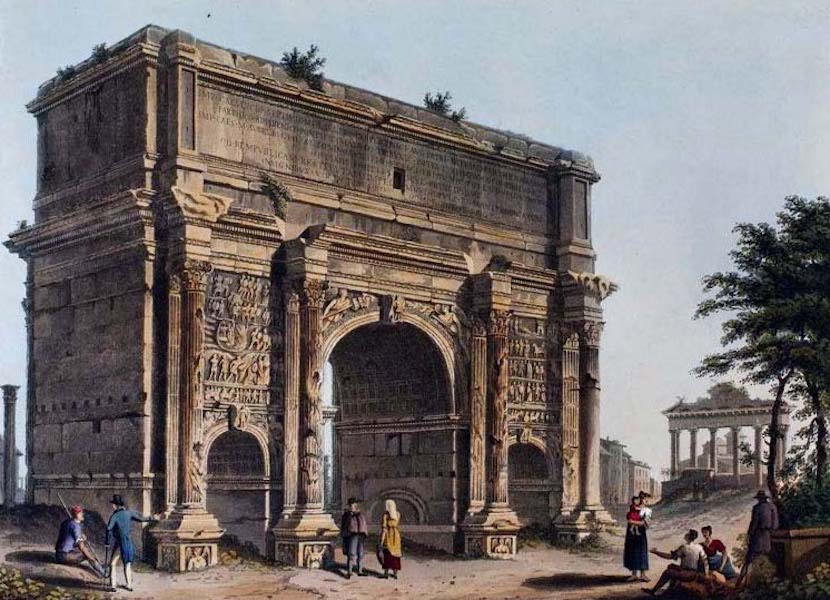 | Arch of Septimus Severus
|
 | Arch of St. Lazare
|
 | Arch of the Rising Sun, Court of the Universe
|
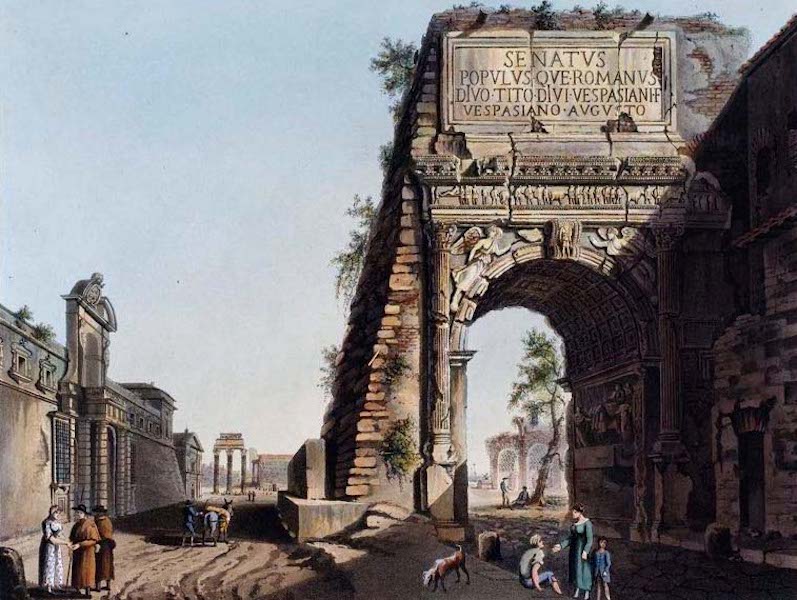 | Arch of Titus
|
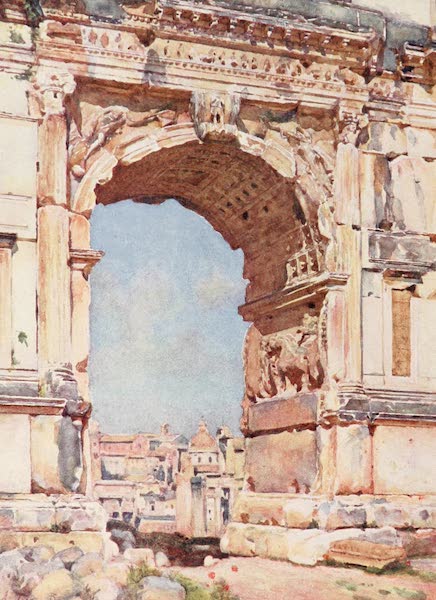 | Arch of Titus
|
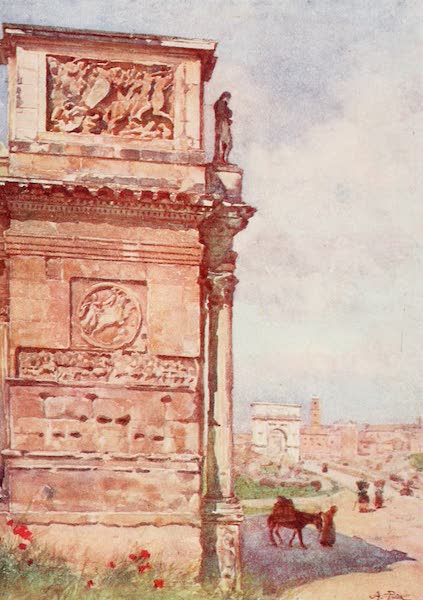 | Arch of Titus from the Arch of Constantine
|
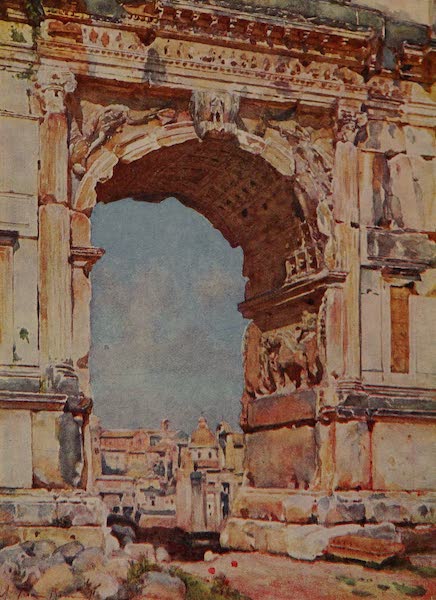 | Arch of Titus, Rome
|
 | Arch of Titus, Rome
|
 | Arch of Trajan at Benevento
|
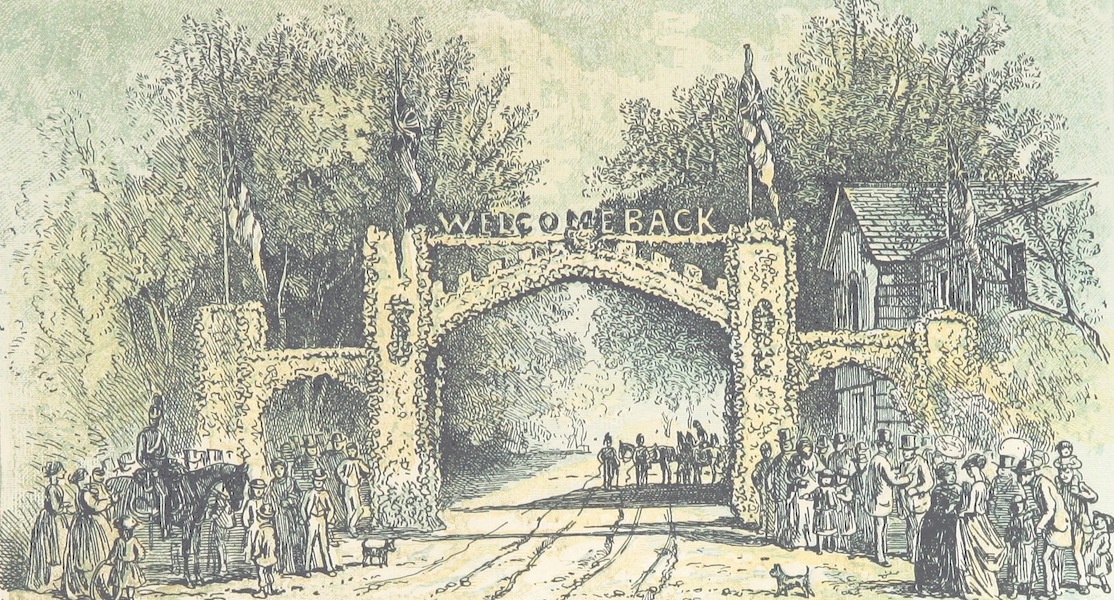 | Arch on the Road to Cape Town
|
 | Archaic Apollo
|
 | Archaistic Pallas (marble)
|
 | Arche d'alliance, tabernacle, cuve d'airain etc
|
 | Arched Rock, Christmas Harbour
|
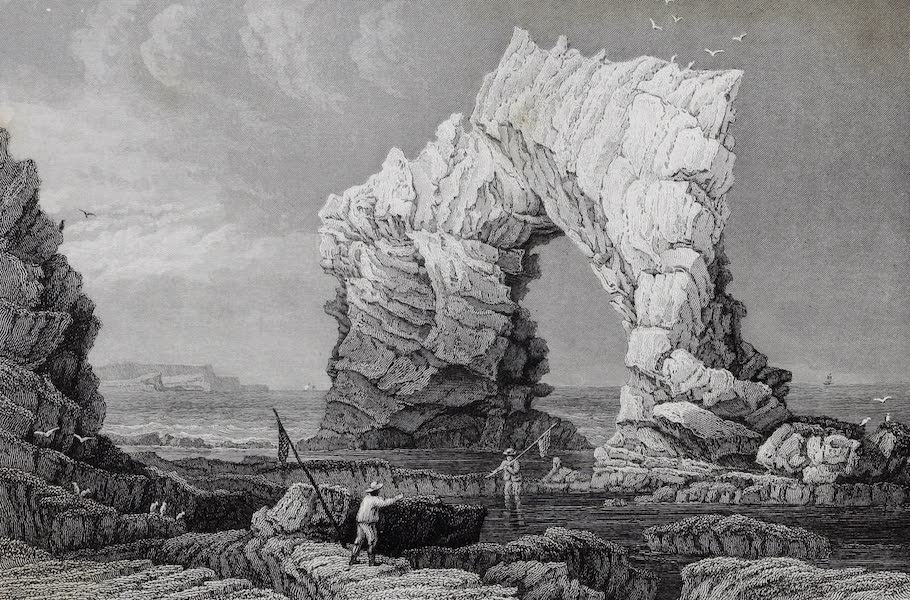 | Arched Rock, Freshwater Bay
|
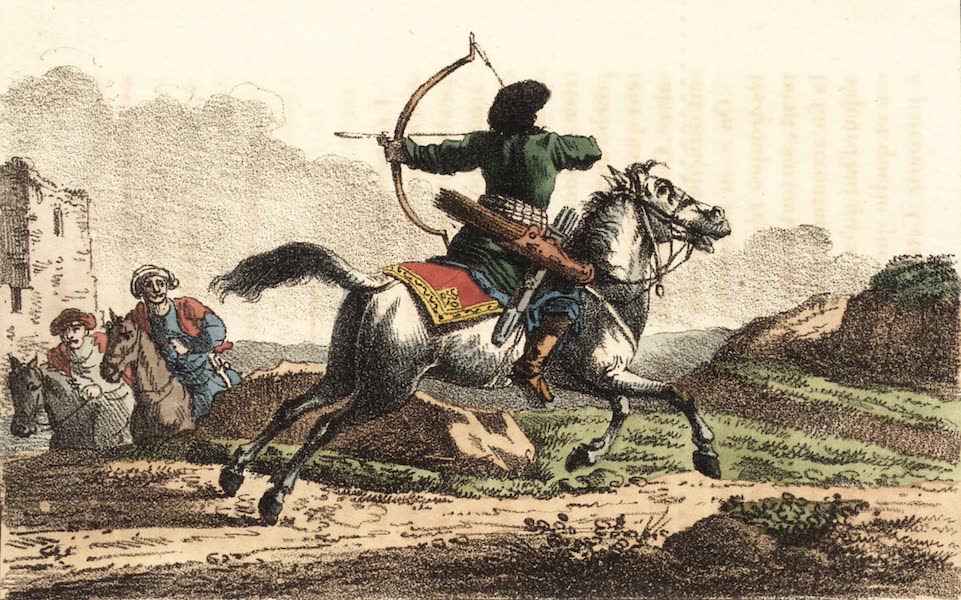 | Archer cavalier persan
|
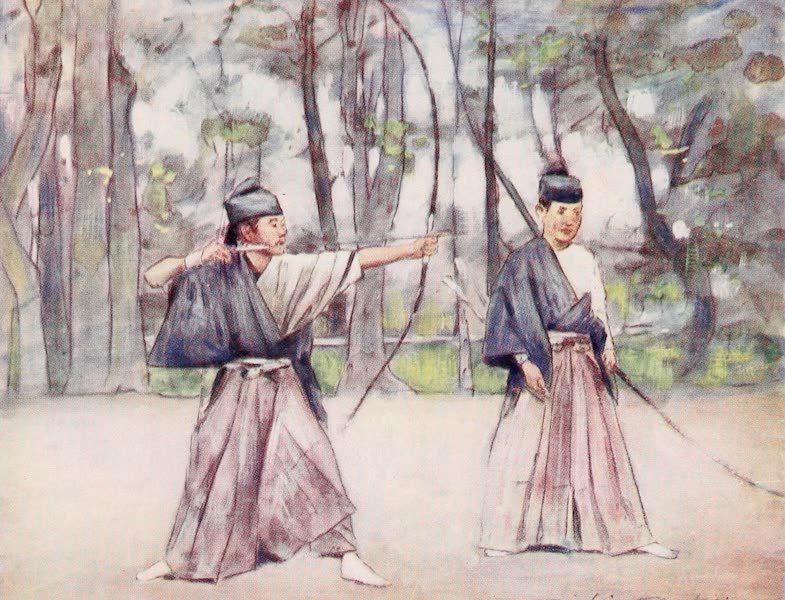 | Archers
|
 | Archers, hastats
|
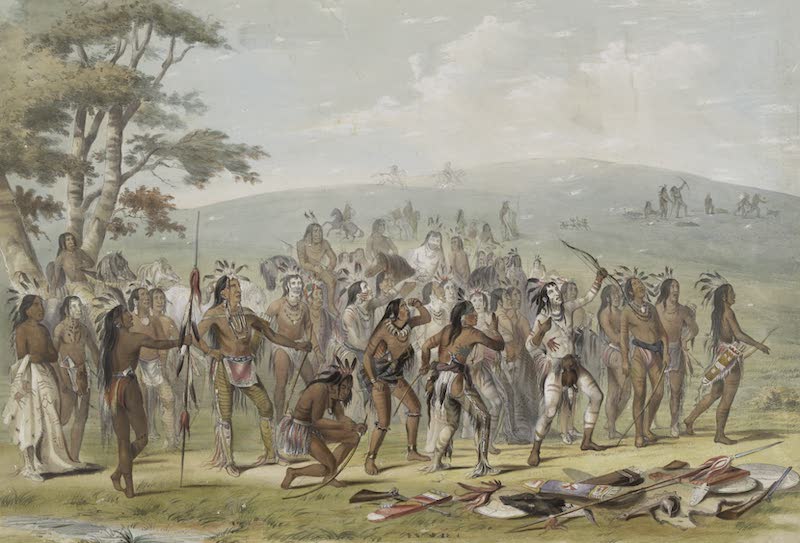 | Archery of the Mandans
|
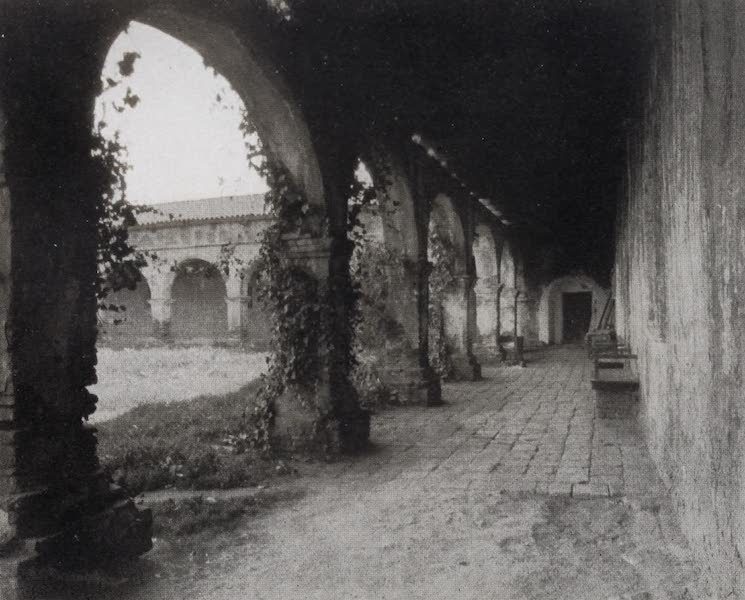 | Arches, Capistrano
|
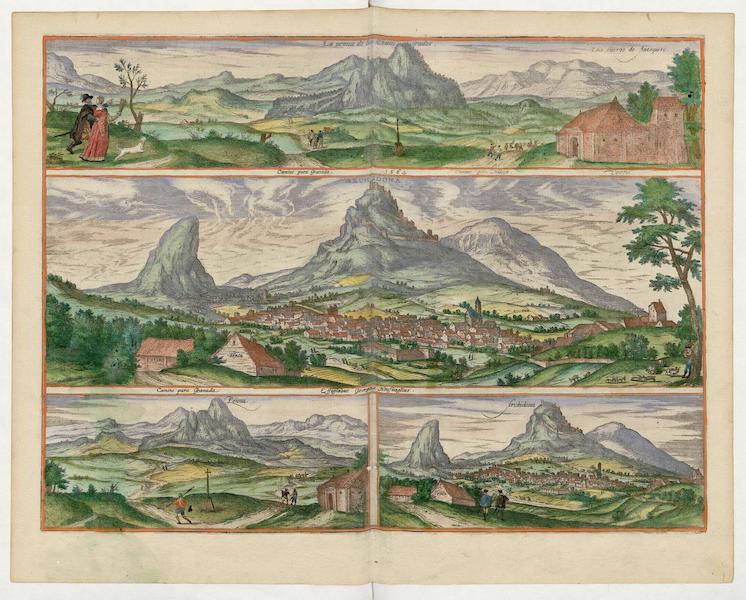 | Archidona La Penna De Los Enamorados Penna Et Archidona 1565
|
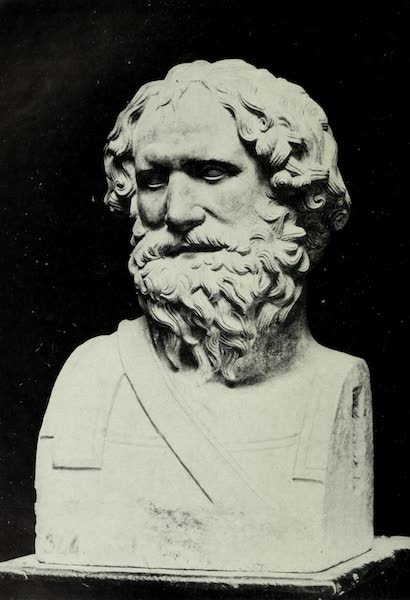 | Archimedes (? Archidamus III. : marble)
|
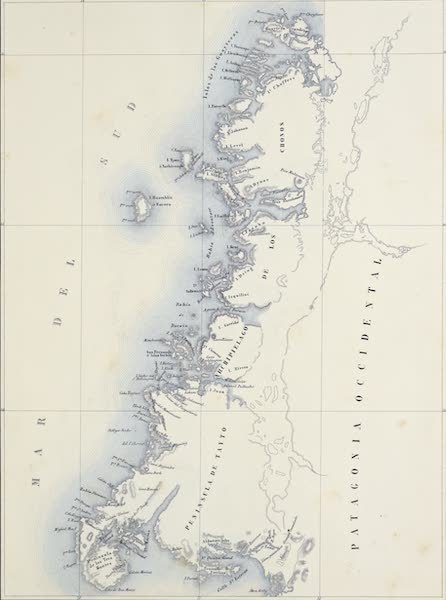 | Archipielago de los Chonos No. 1
|
 | Archipielago de los Chonos No. 2
|
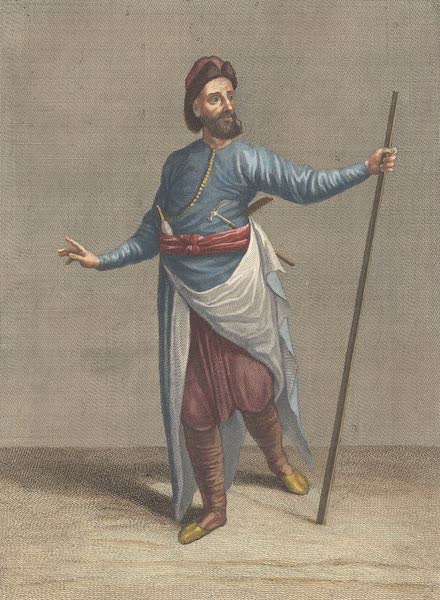 | Architecte Armenien
|
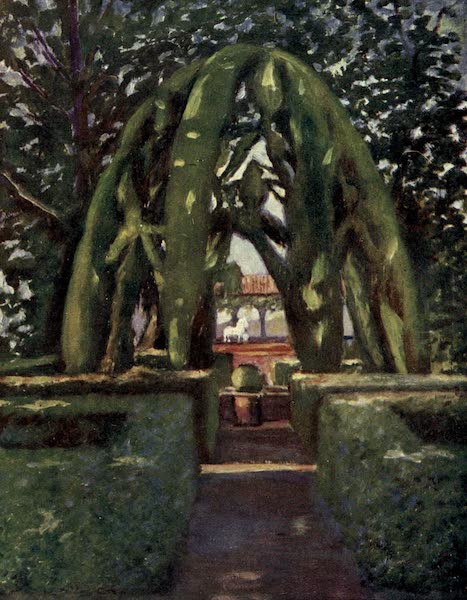 | Architectura Verde, Generalife Gardens, Granada
|
 | Architectural Adornments, Great South Gardens
|
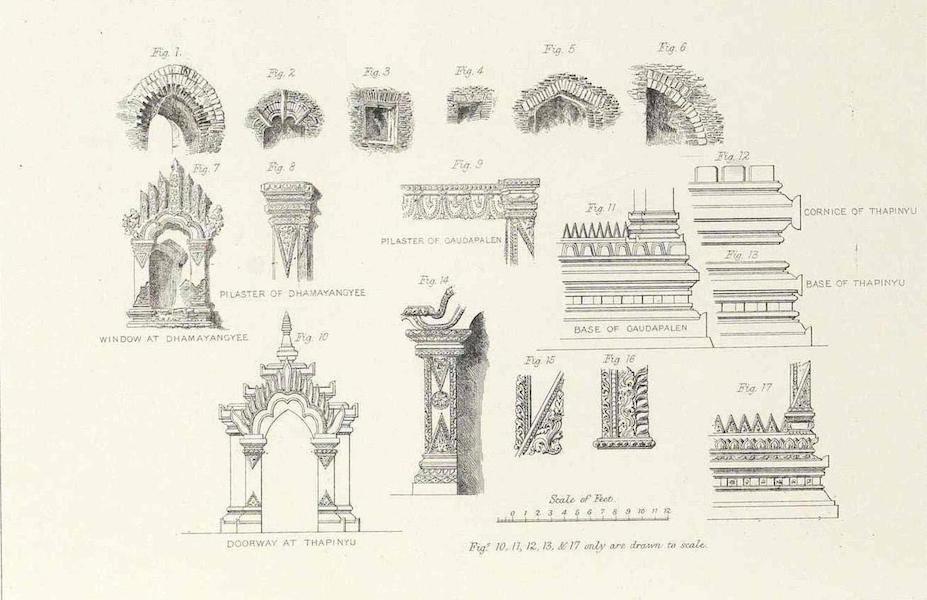 | Architectural Details of Remains at Pagan
|
 | Architectural element decorated with birds and abstract designs
|
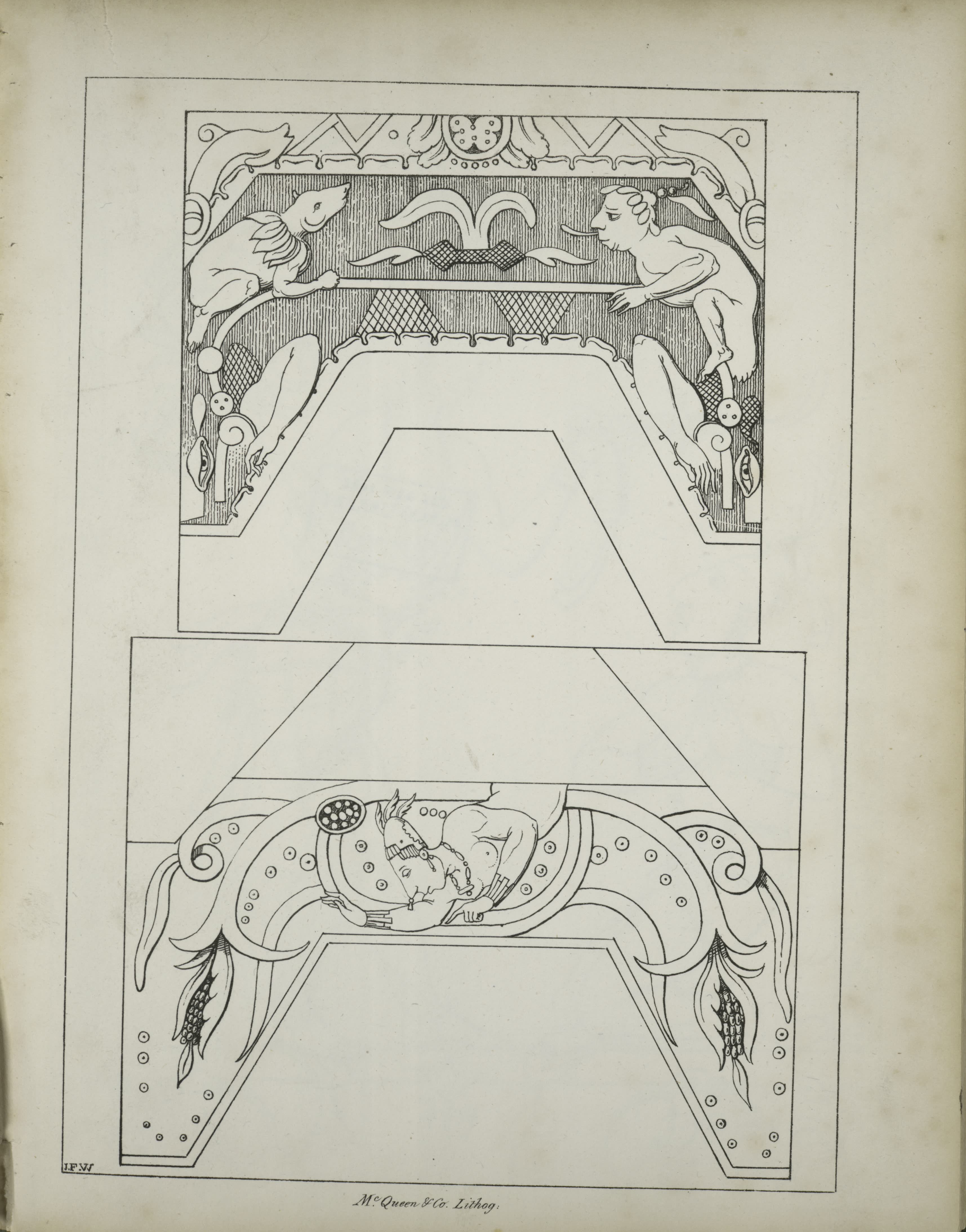 | Architectural elements with figures, dogs, and corn
|
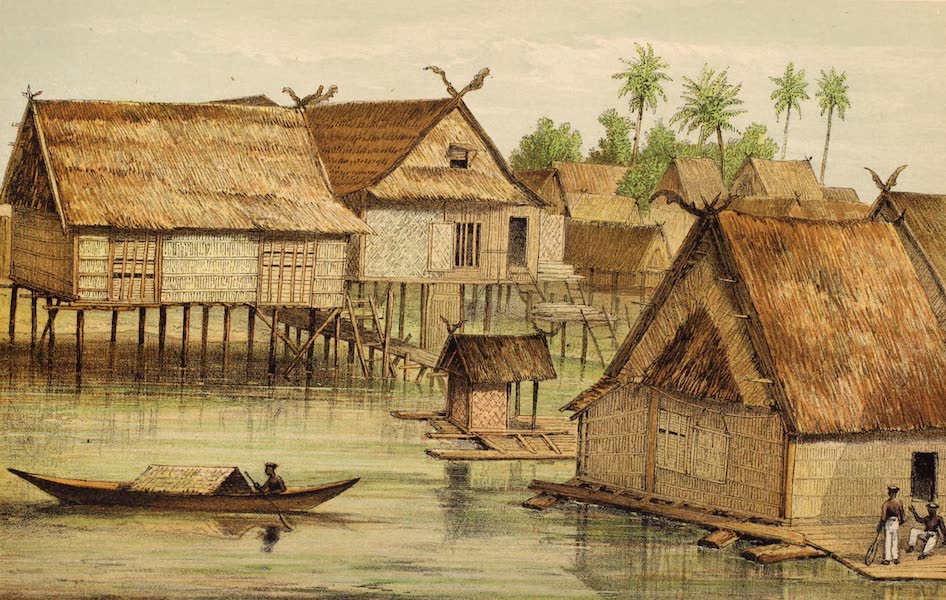 | Architecture at Tangaroeng
|
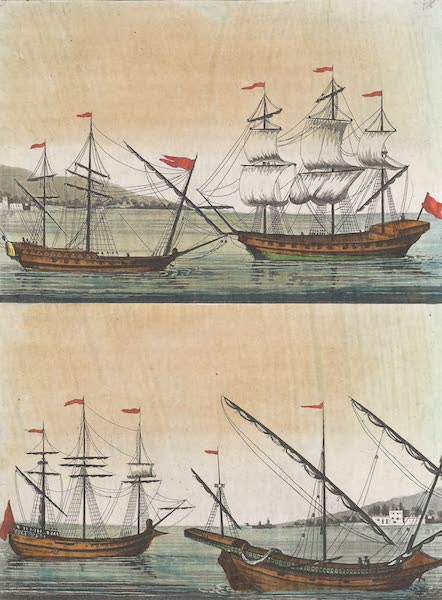 | Architecture navale
|
 | Architecture navale
|
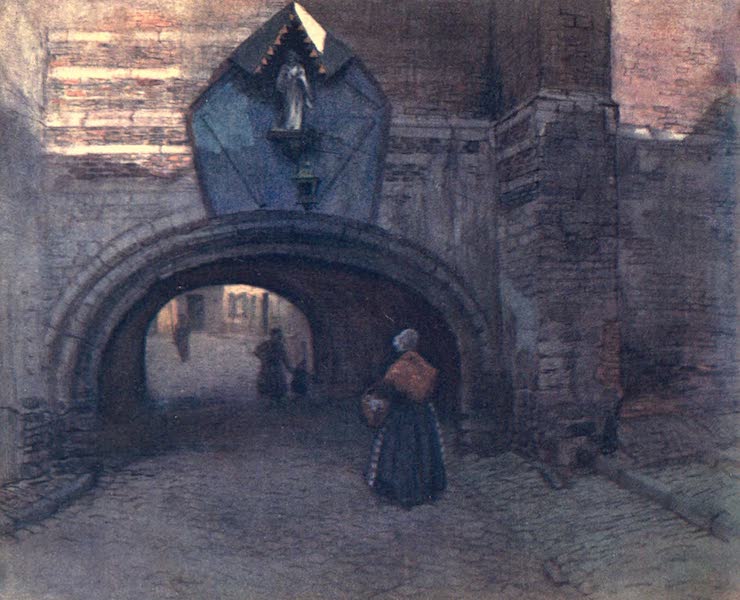 | Archway under the Vieille Boucherie, Antwerp
|
 | Archway under the Vieille Boucherie, Antwerp
|
 | Archway, Casa Del Gobernador, Uxmal
|
 | Arcieri ed Astati
|
 | Arcos de Carioco, or Grand Aquaduct in Rio de Janeiro
|
 | Arcs de triomphe
|
 | Arctic Currents and Land According to A. Peterman (1865)
|
 | Arctic Fox
|
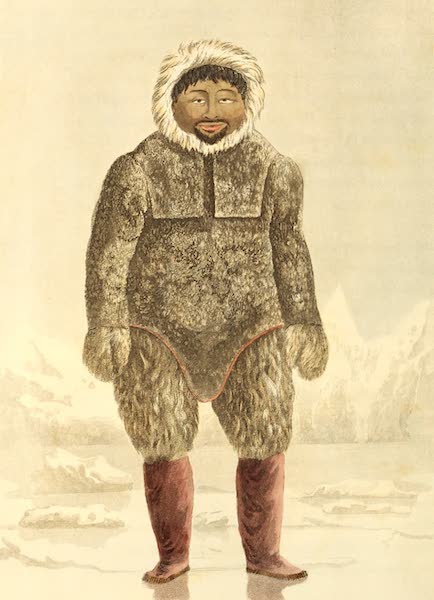 | Arctic Highlander / Ervick, a Native of Prince Regents Bay. Lat. 76.12. N. Long. 65. W.
Several Inuit were invited aboard the ships in August, 1818. |
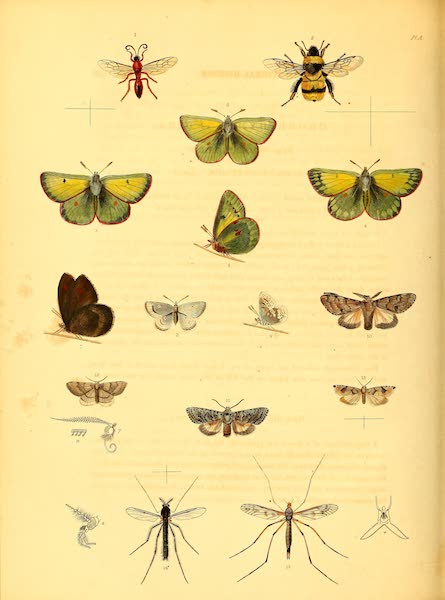 | Arctic Insects
|
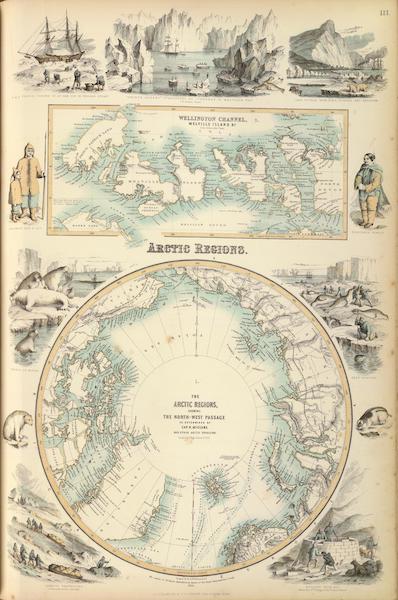 | Arctic Regions
|
 | Arctic Squadron Quitting the Nore, April 1852
|
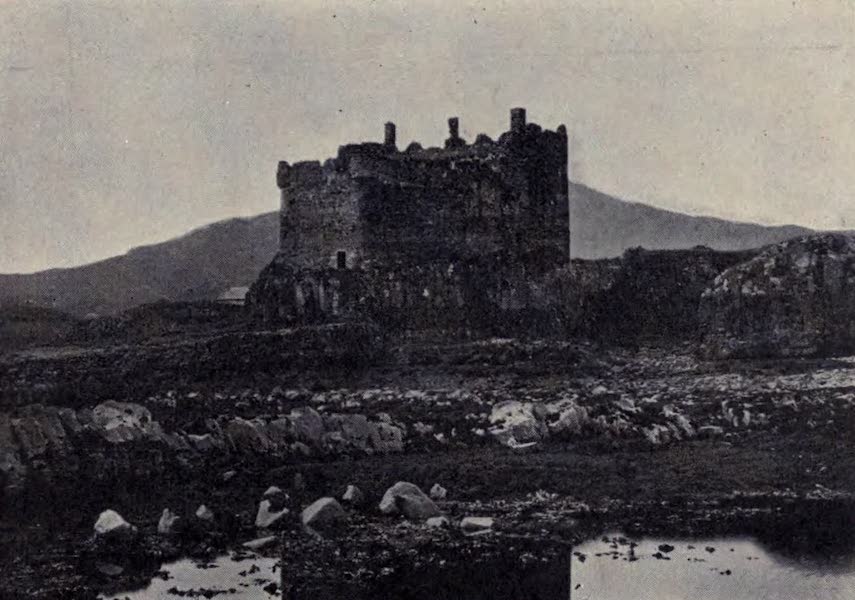 | Ardnamurchan Castle, seat of the MacIans and the MacDonalds
|
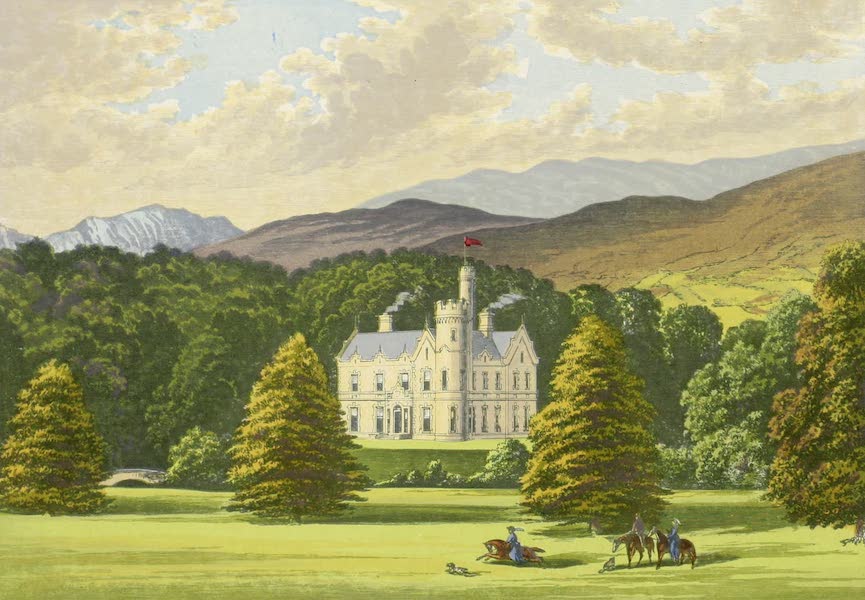 | Ardtully
|
 | Arecuna Indians
|
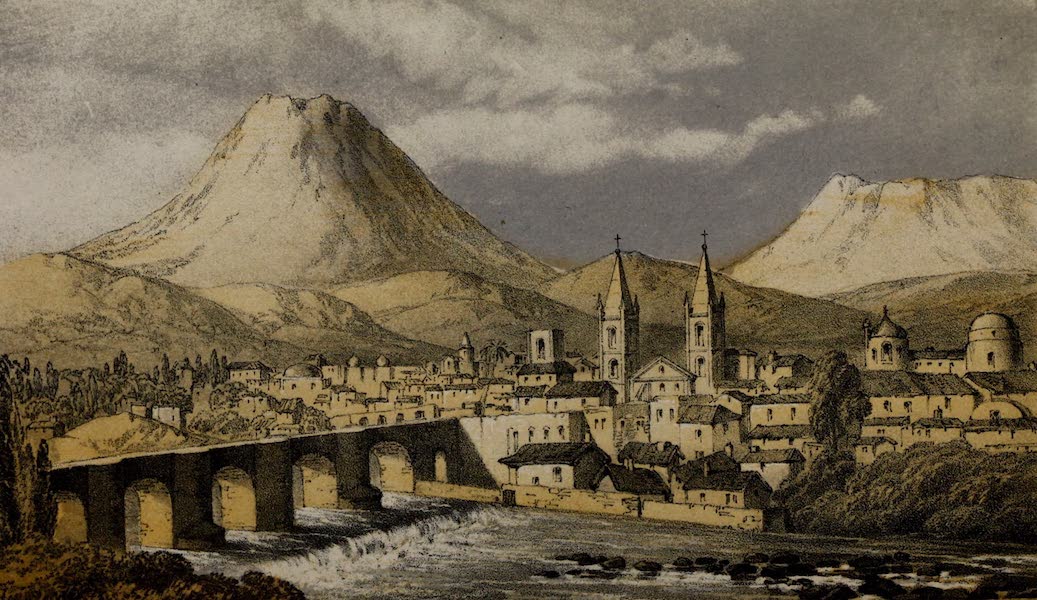 | Arequipa from the Alameda
|
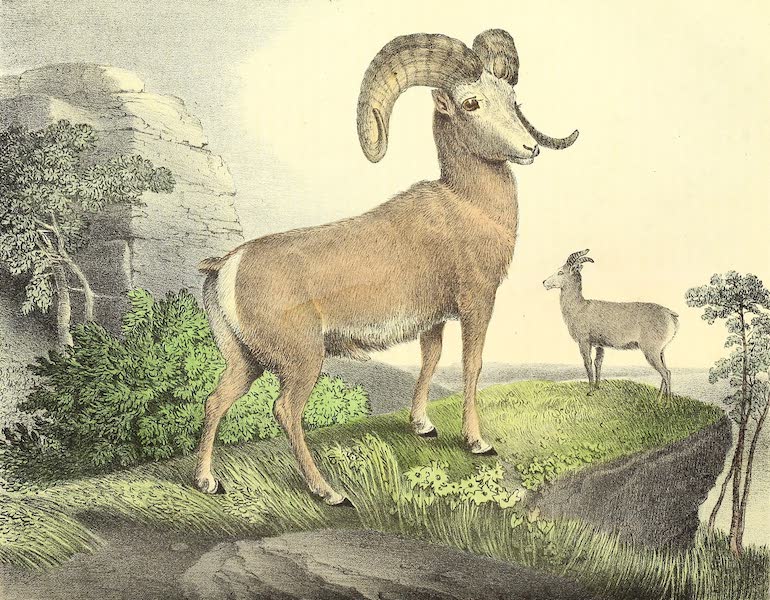 | Argali
|
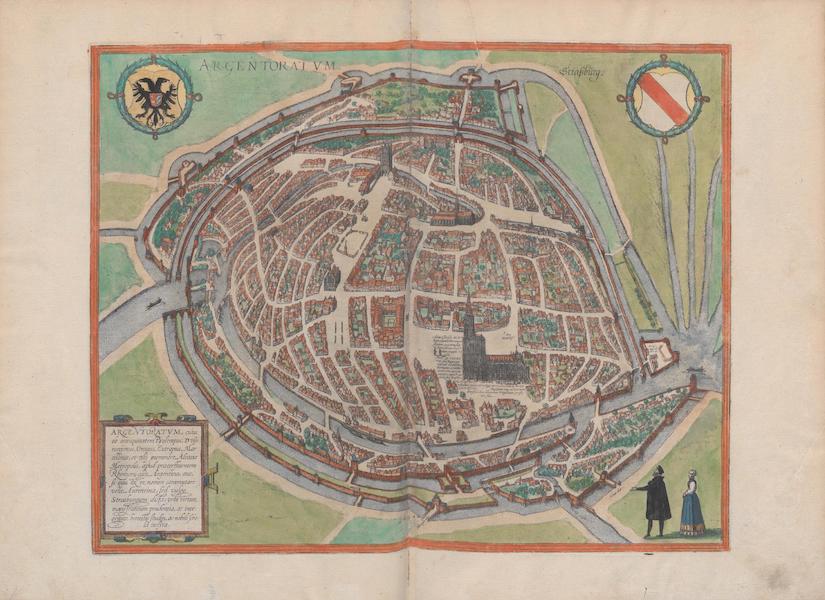 | Argentoratvm Straszburg
|
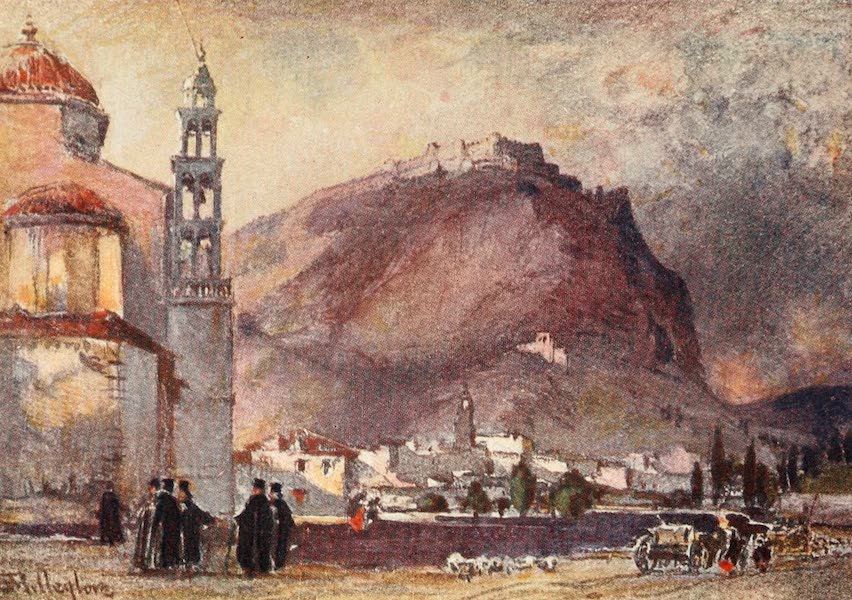 | Argos and Larissa
|
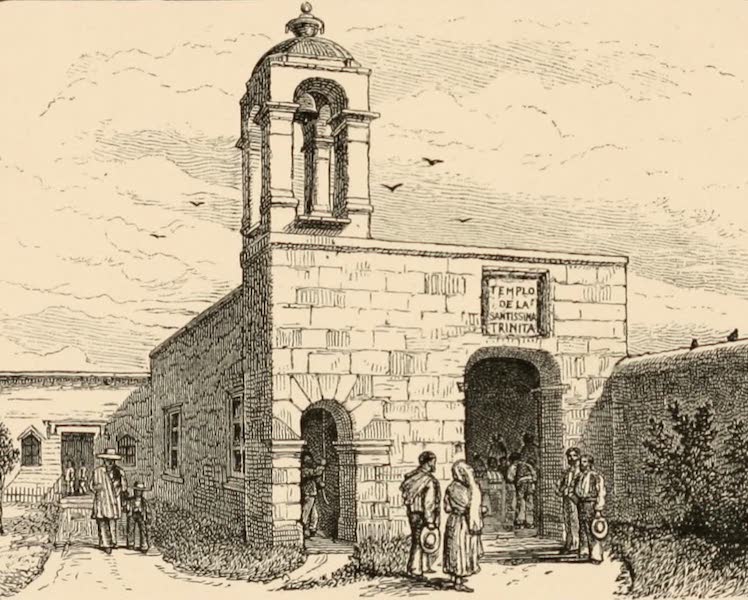 | Ariatas Methodist Chapel at San Vicente, Chicolopam
|
 | Arica in the Province of Moquegua
|
 | Arizona Afterglow, After Painting by Fernand Lungren
|
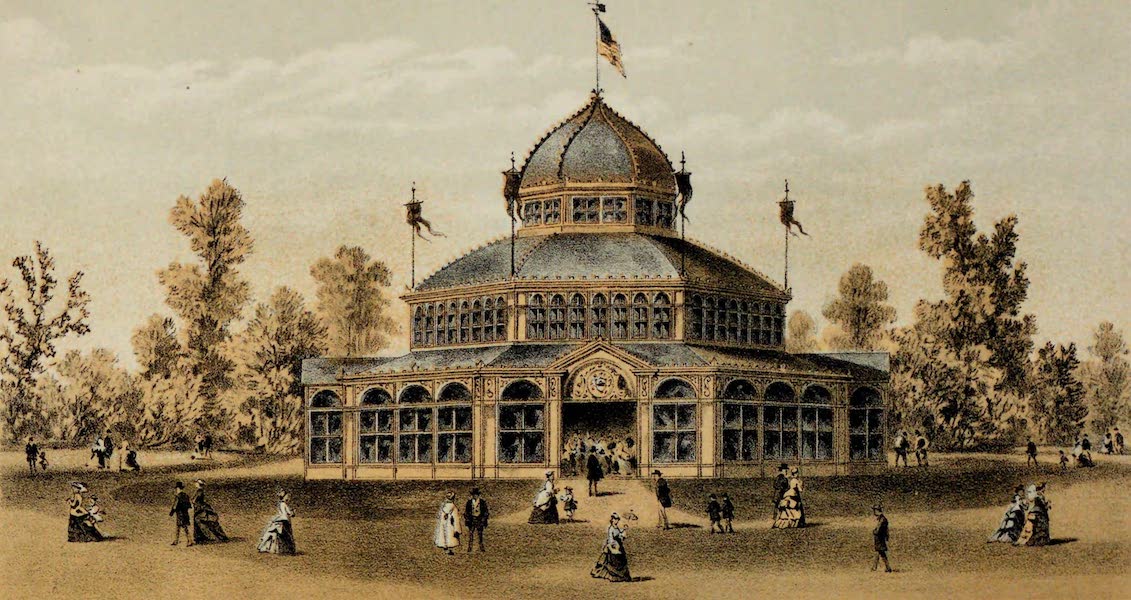 | Arkansas Building
|
 | Arkat Mountains and Salt Lakes, Kirghis Steppe
|
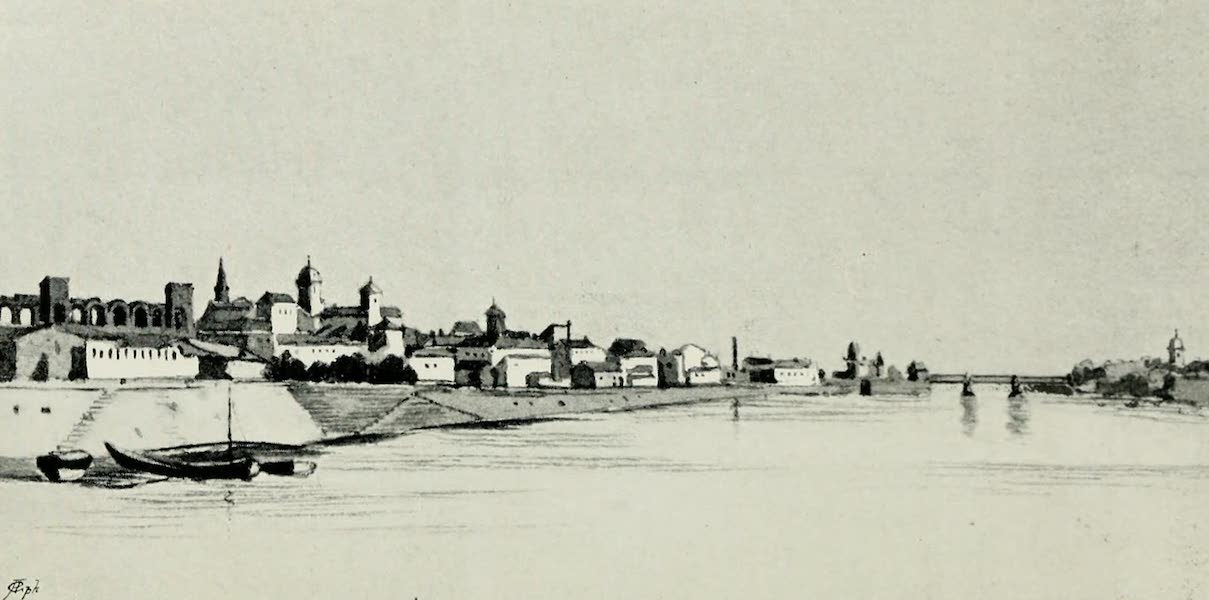 | Arles from the Rhone
|
 | Armed Camel Riders from Bikanir
|
 | Armed Peasant of the Ciudad Rodrigo Militia
|
 | Armenian Bride
|
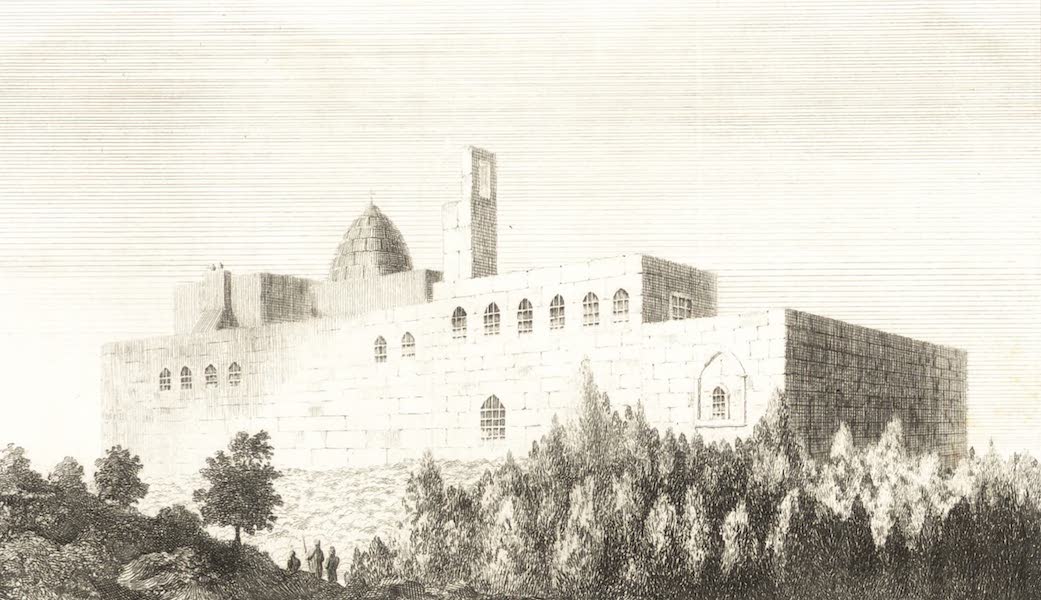 | Armenian Convent of Zumar on Mount Lebanon
|
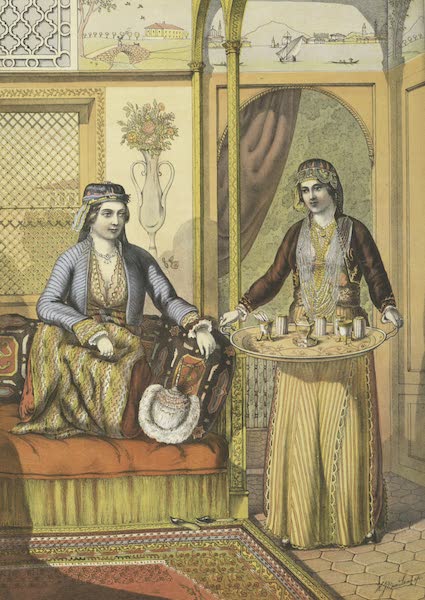 | Armenian Ladies (at home)
|
 | Armenian Lady (at home)
|
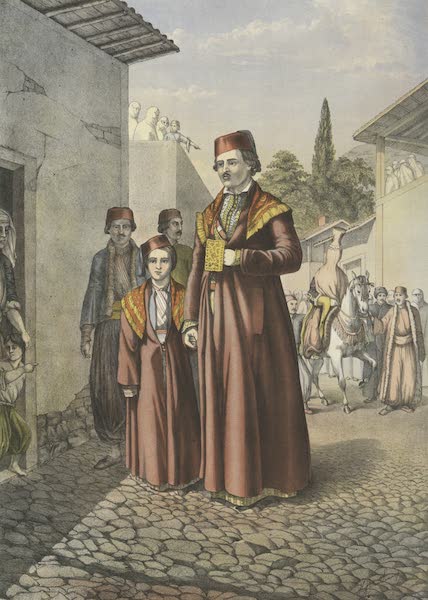 | Armenian Marriage Procession
|
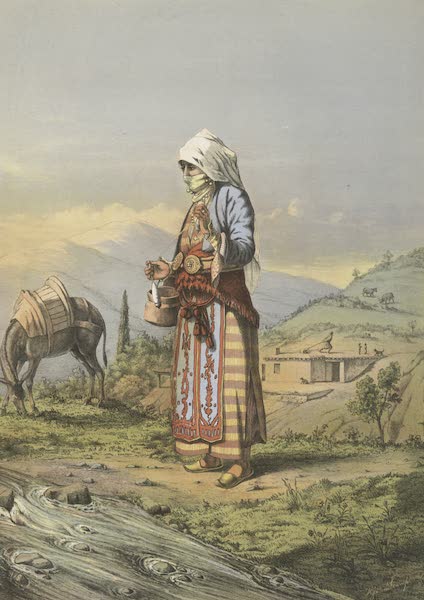 | Armenian Peasant Woman
|
 | Armenian Piper
|
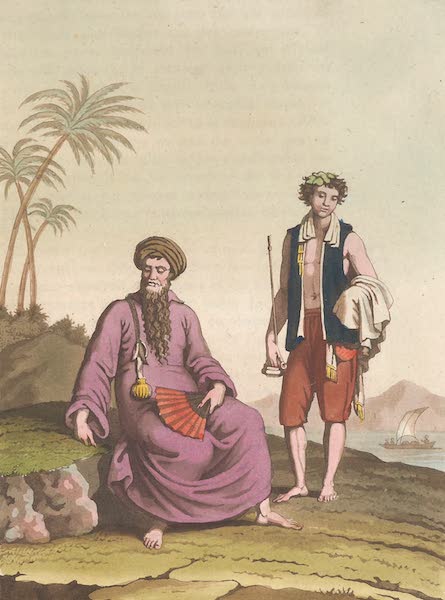 | Armenians, etc
|
 | Armenien de Perse
|
 | Armenien qui va a l'Eglise pour se marier
|
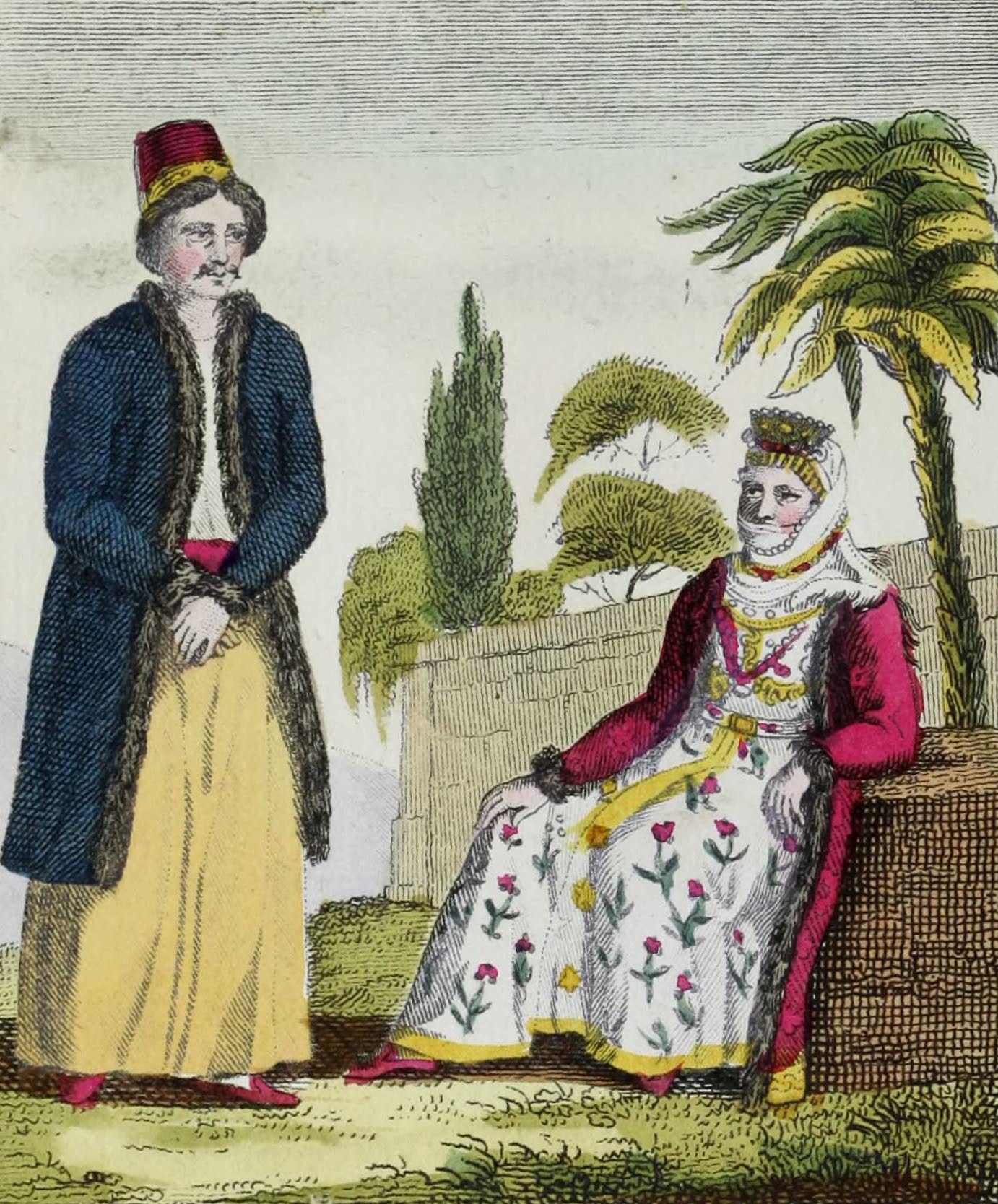 | Armeniens
|
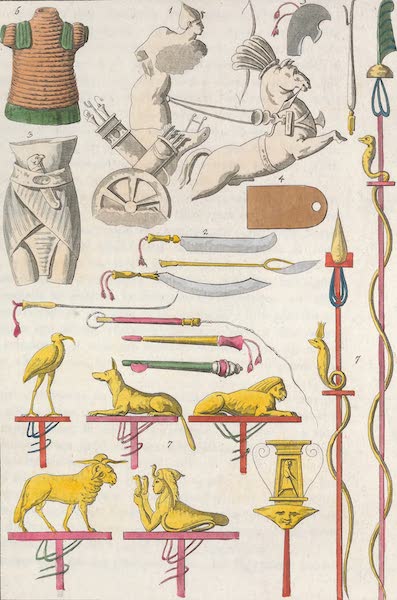 | Armes des anciens Egyptiens
|
 | Armes des Magagasses
|
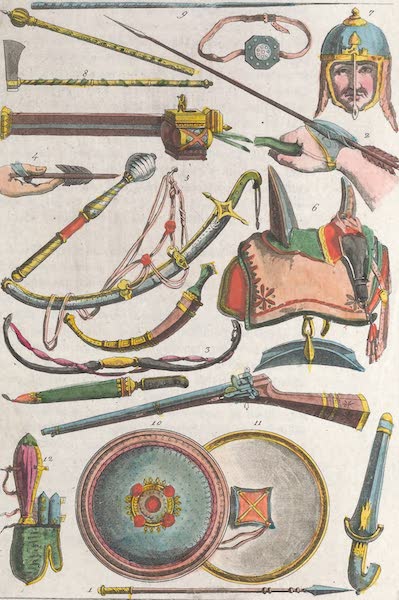 | Armes des Mamelouks
|
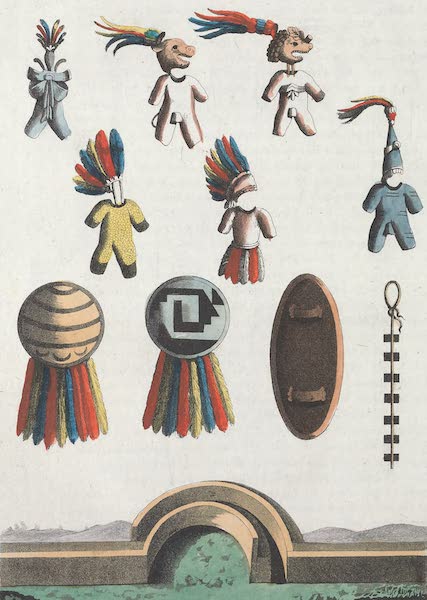 | Armes des Mexicaines
|
 | Armes des Persans modernes
|
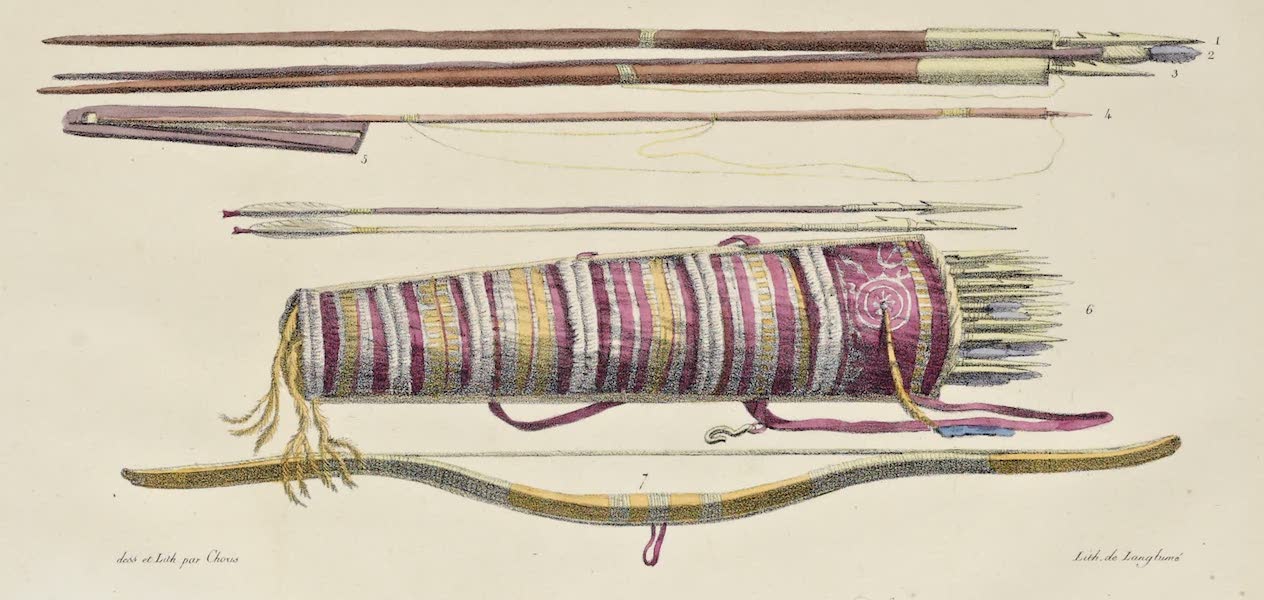 | Armes des peuples qui habitent pres du detroit de Behring
|
 | Armes des troupes Mogolles
|
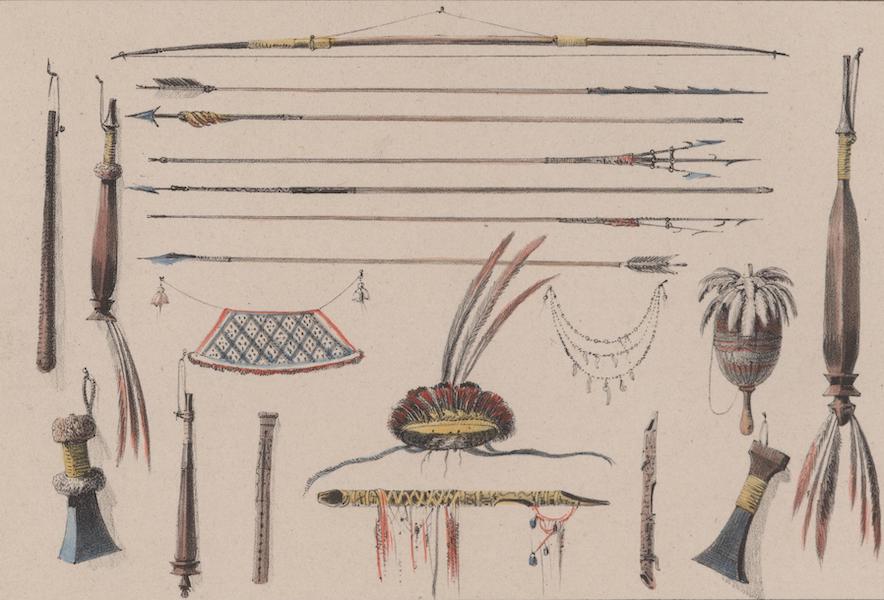 | Armes et instruments divers
|
 | Armes et ustensiles de Californie.
|
 | Armes et ustensiles des isles Radak. (9 figs)
|
 | Armes et ustensiles des isles Sandwich
|
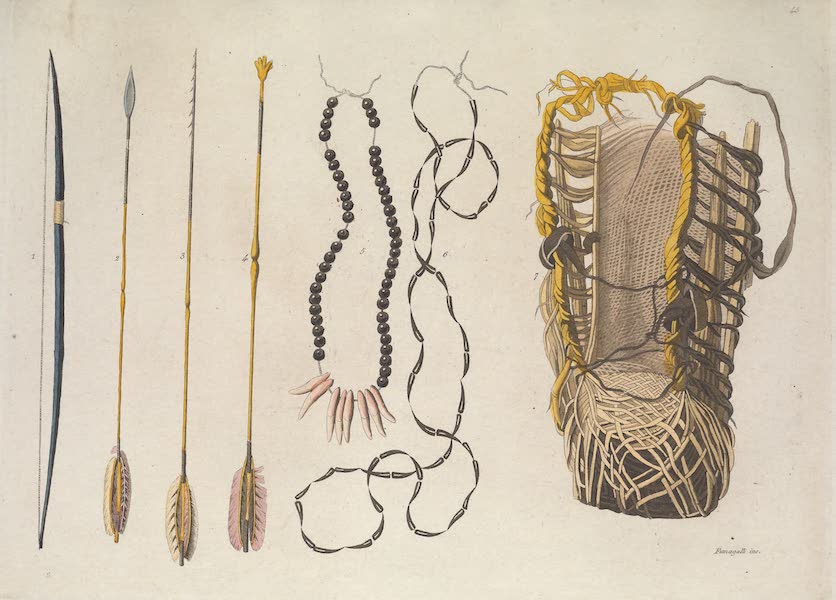 | Armes et Ustensiles des Paris, des Coroados, etc
|
 | Armes et Ustensils de Menage
|
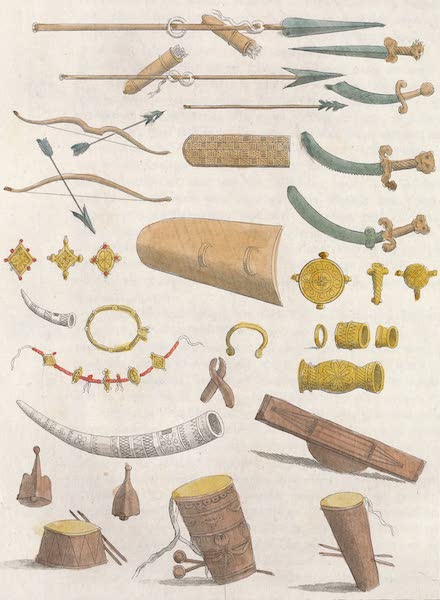 | Armes etc des Negres de la Cote d'Or
|
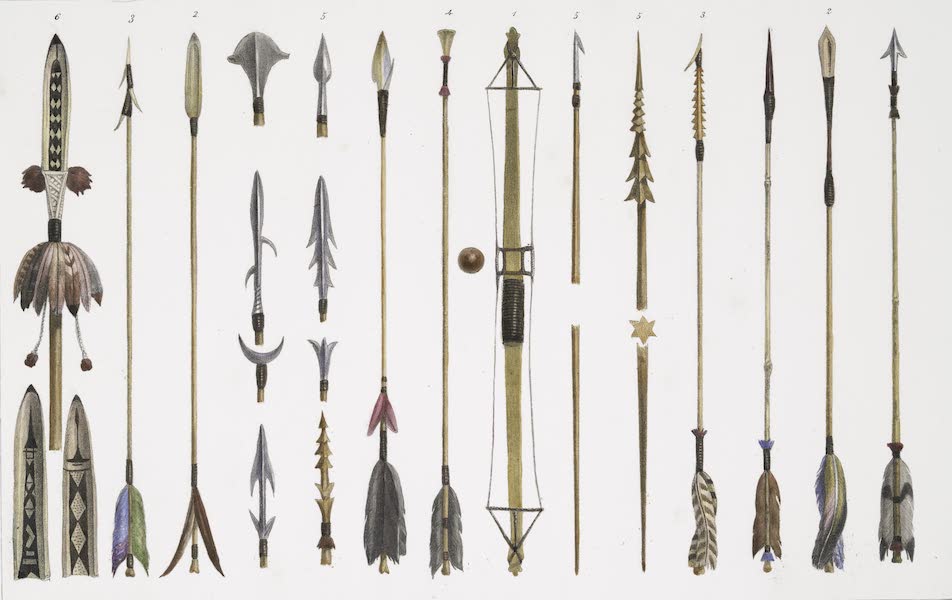 | Armes Offensives
|
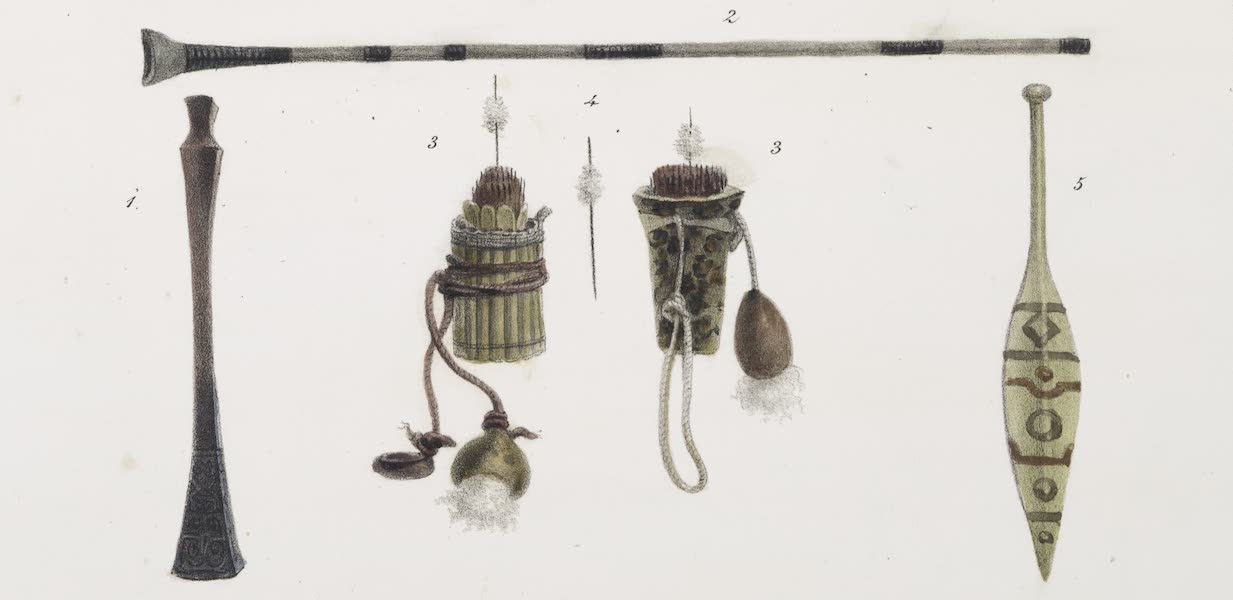 | Armes Offensives, Rame
|
 | Armour and Weapons of Ancient Warriors
|
 | Armoured Horsemen of Kishengarh
|
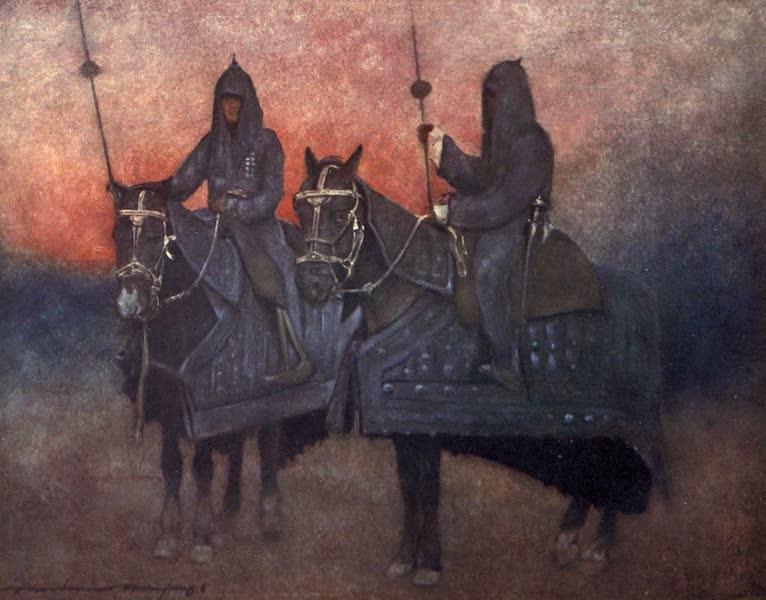 | Armoured Horses
|
 | Arms of the Borough of Barrow in Furness
|
 | Arms, Ornaments & Furniture of the Indians
|
 | Armstrong's Point
|
 | Armure des Princes et des Usden Circassiens
|
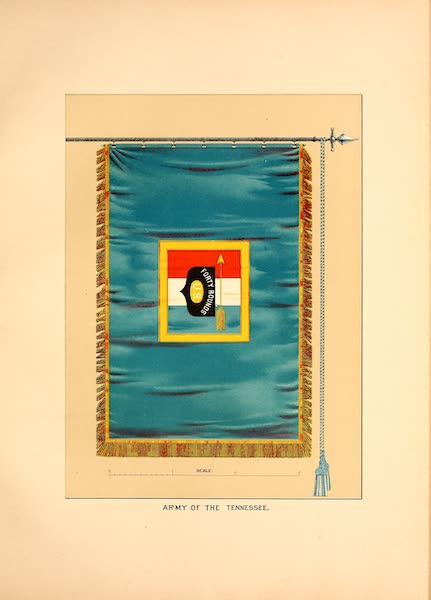 | Army of Tennessee
|
 | Army of the Potomac
|
 | Arnaneelia, a native of Winter Island, 1822
|
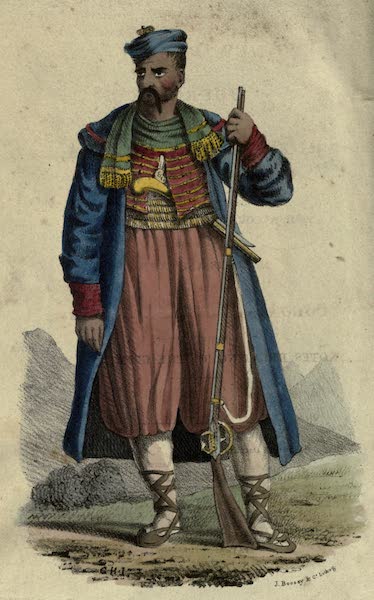 | Arnaut Greek, one of the Cordon or Guard of the South Coast of the Crime
|
 | Arnaut Soldier
|
 | Arnheim
|
 | Arnheim
|
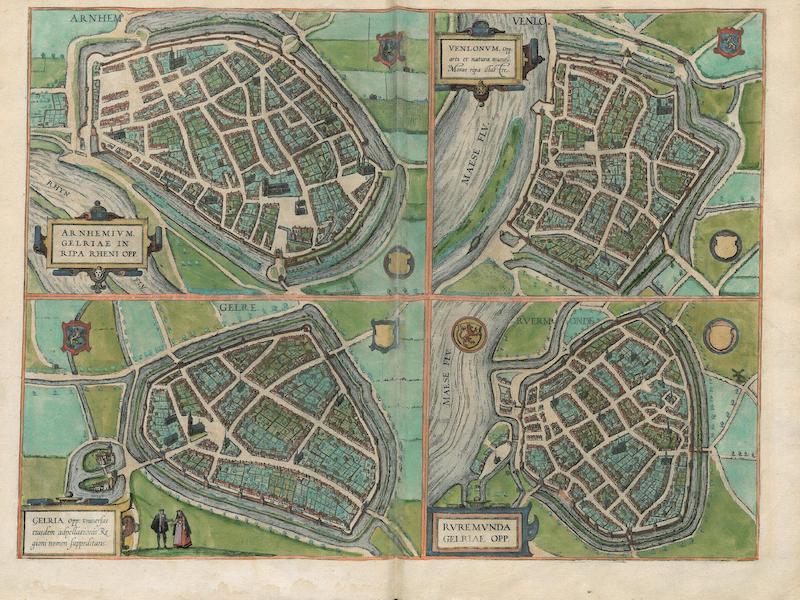 | Arnhem Gelre Venlo et Rvermonde
|
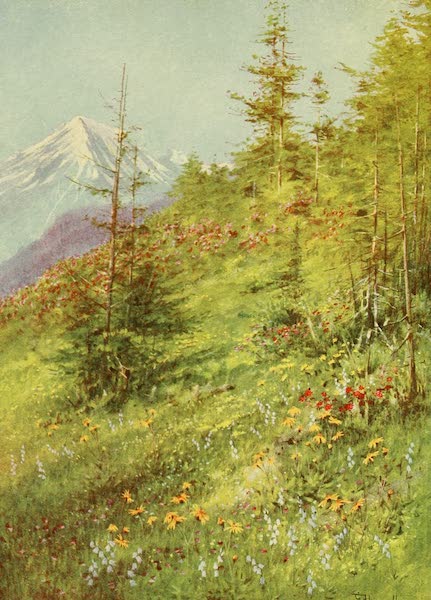 | Arnica and Campanula barbata on the Col de la Forclaz
|
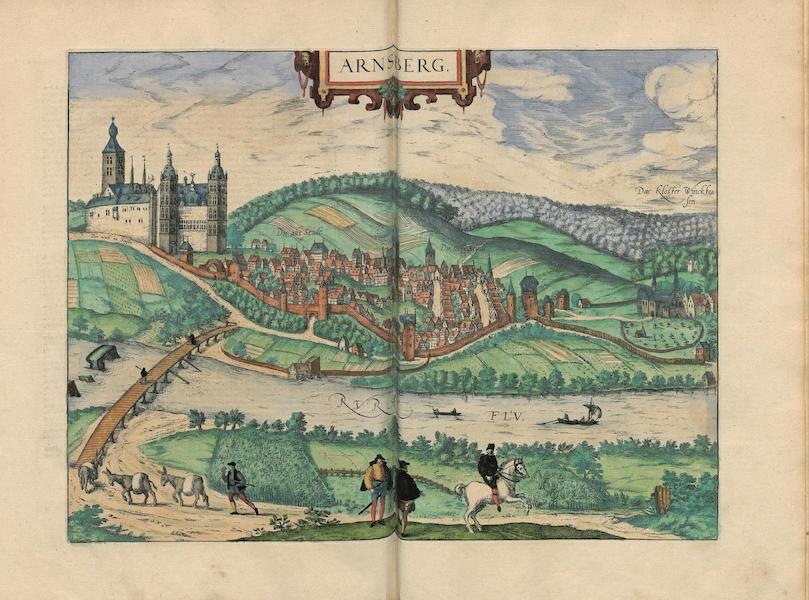 | Arnsberg
|
 | Around Tooth Mountain, Columbia Highway
|
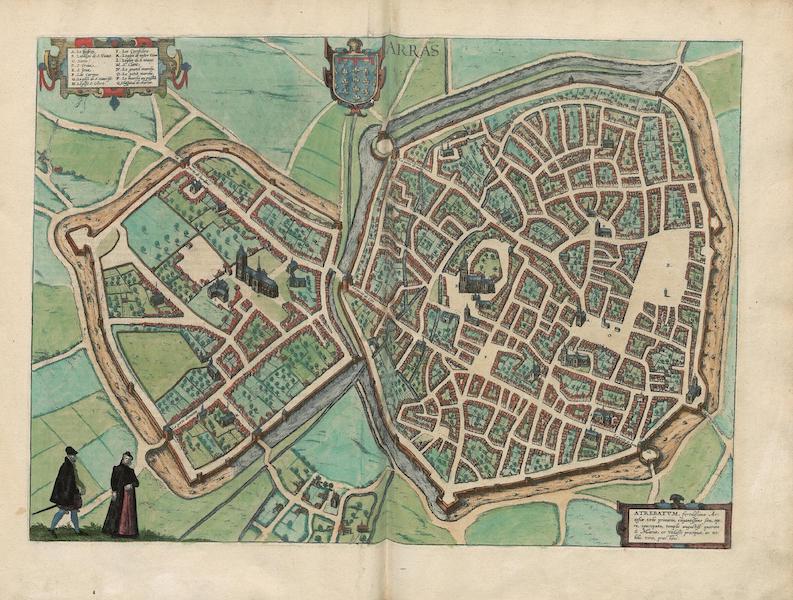 | Arras
|
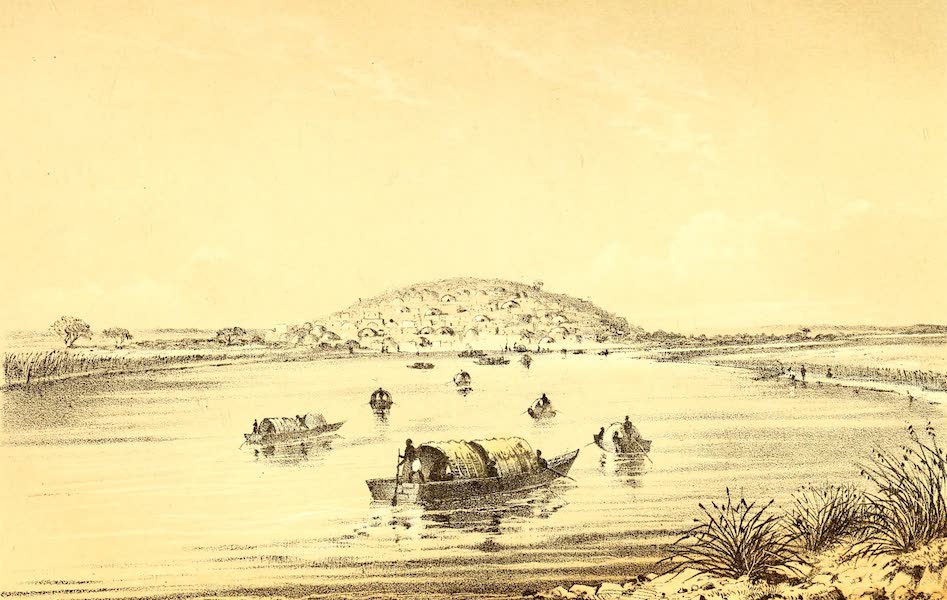 | Arrival at Kabara
|
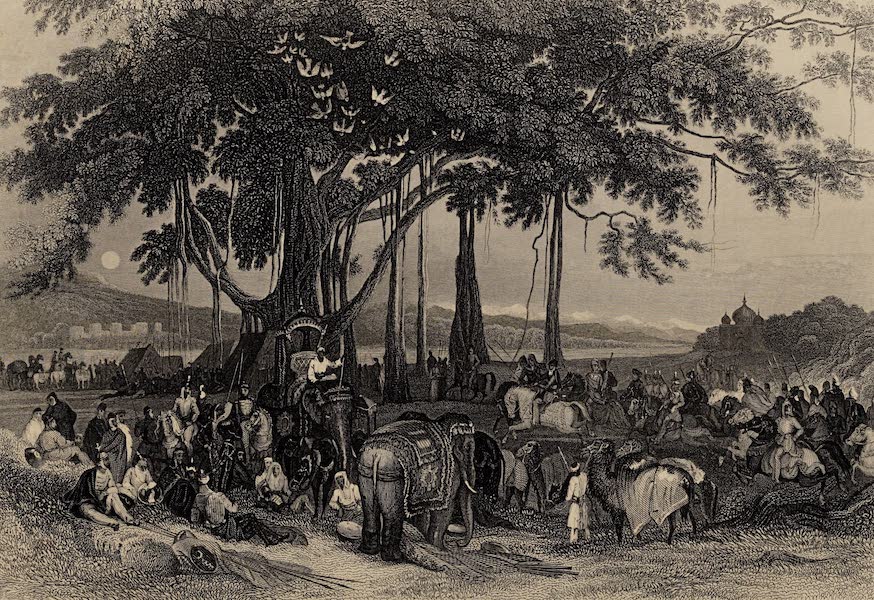 | Arrival of Continent Force of Sikh Irregular Cavalry
|
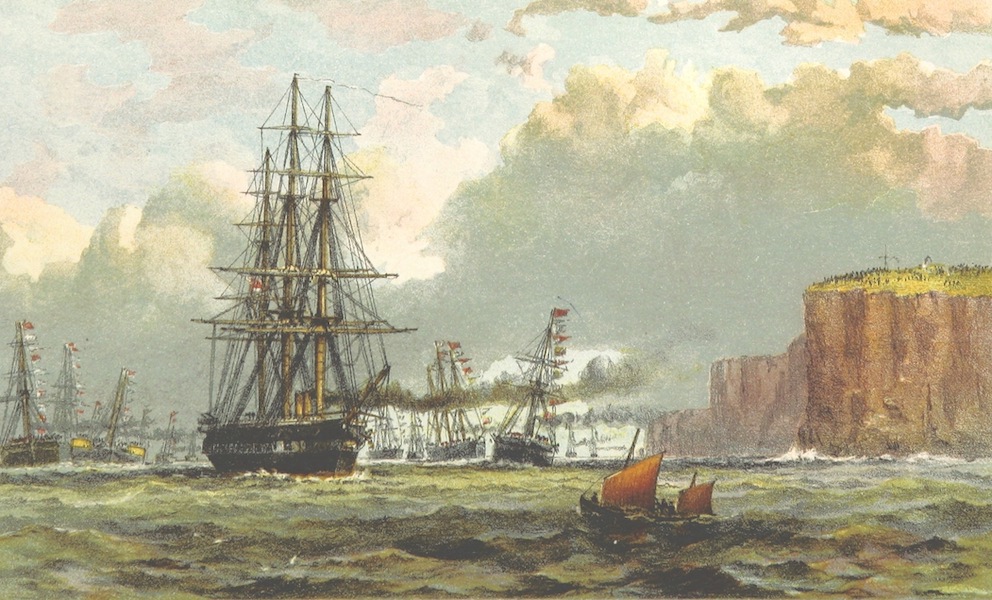 | Arrival of H.M.S Galatea off Sydney Heads. January 21st, 1868
|
 | Arrival of Marriage Presents at the Bridal Residence
|
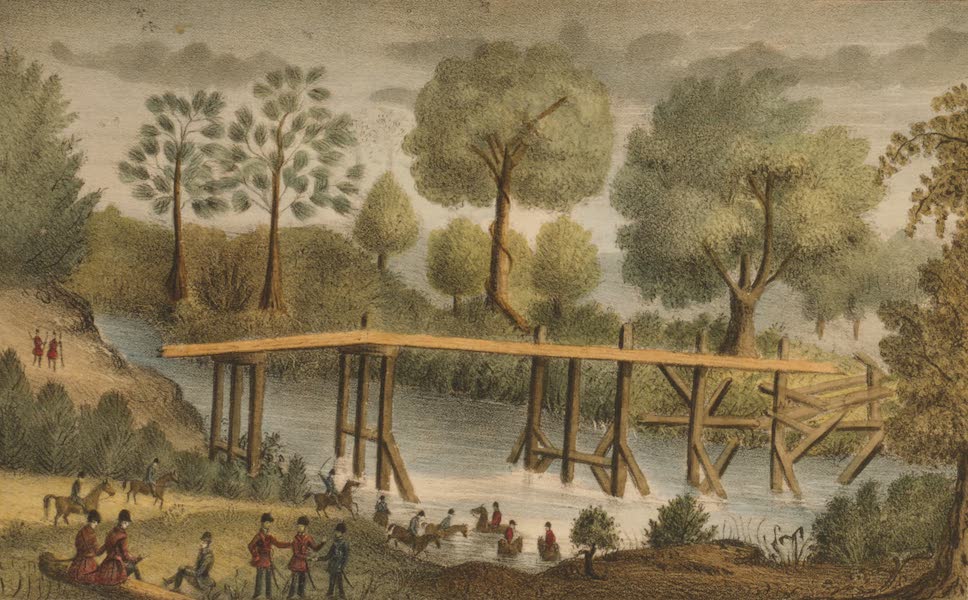 | Arrival of the So. Ca. Dragoons at the Withlacooche
South Carolina soldiers along the Withlacoochee River during the 2nd Seminole War, with some on horseback in river by ruins of bridge. |
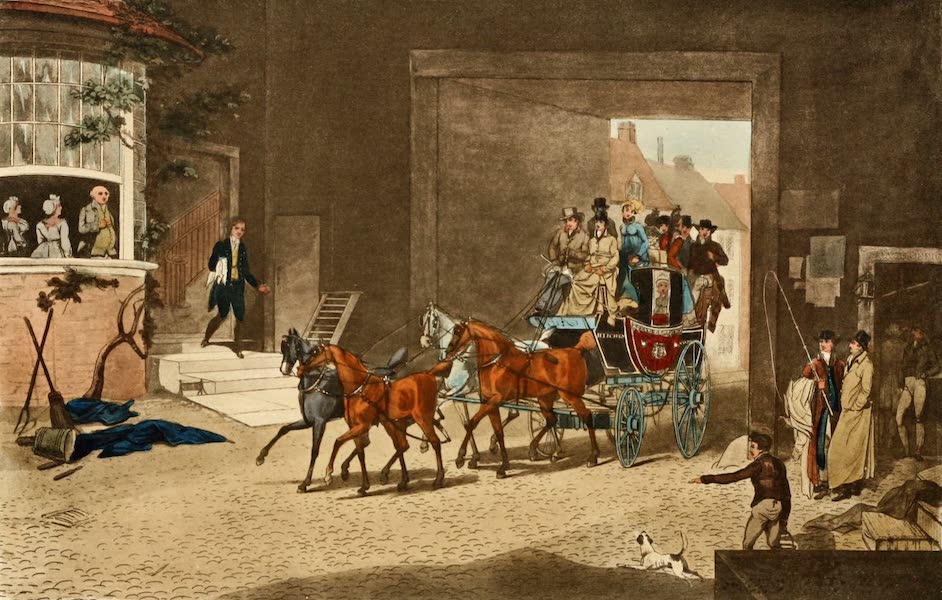 | Arrival of the Stage Coach
|
 | Arrivee de S.M. L'Empereur D'Autriche a Port Said
|
 | Arrivee de Sa Majeste l'Empereur a la Revue
|
 | Arrivee des Souverains a Suez
|
 | Arrow
|
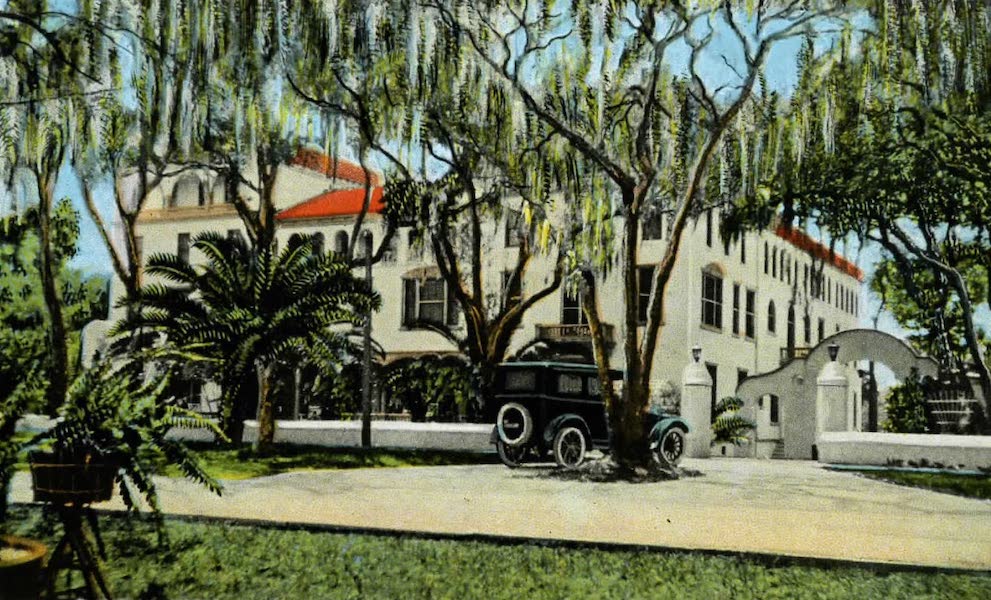 | Arroyo Gardens on Ridgewood Avenue, Daytona
|
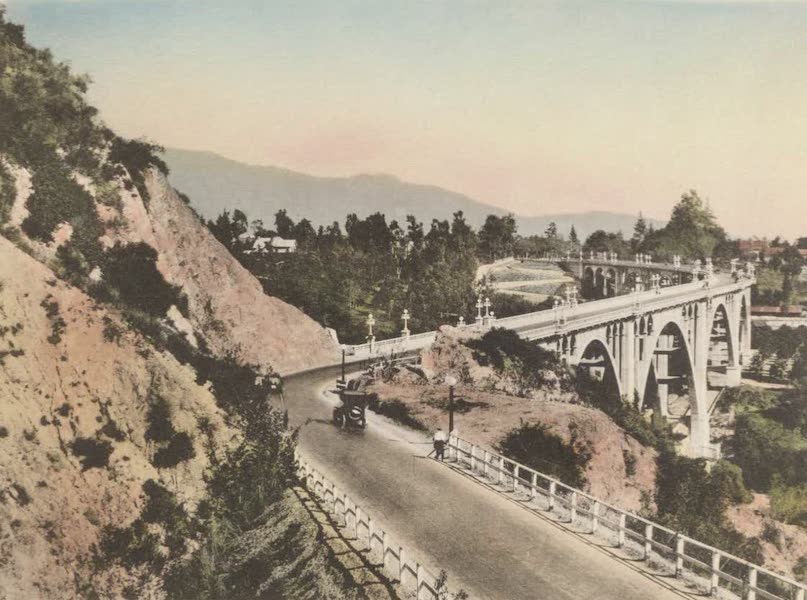 | Arroyo Seco Bridge - Colorado Street
|
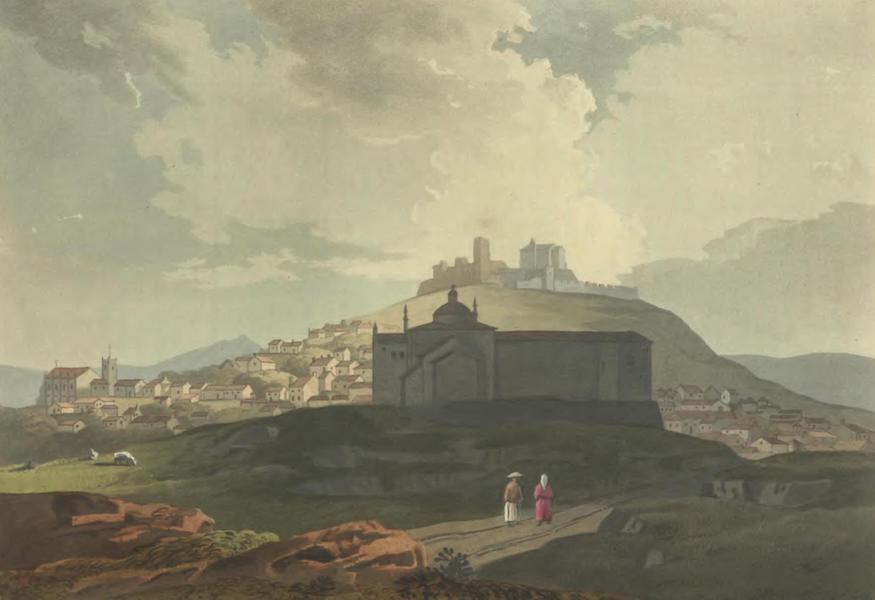 | Arroyoles; Anciently called Calentica Alemtejo
|
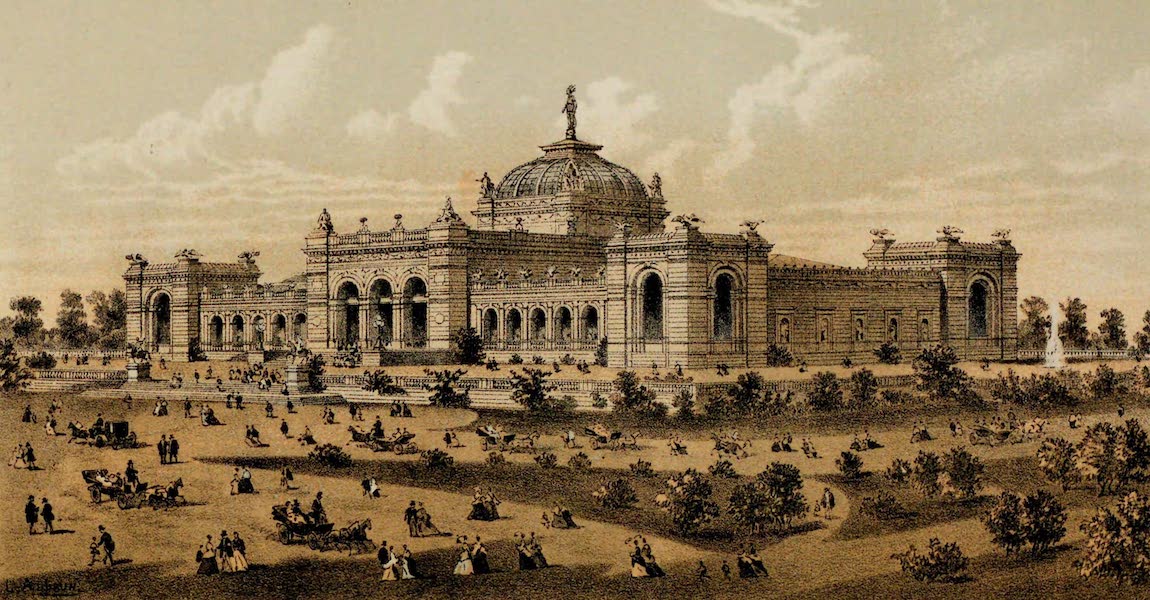 | Art Gallery
|
 | Art Institute
|
 | Artesia
|
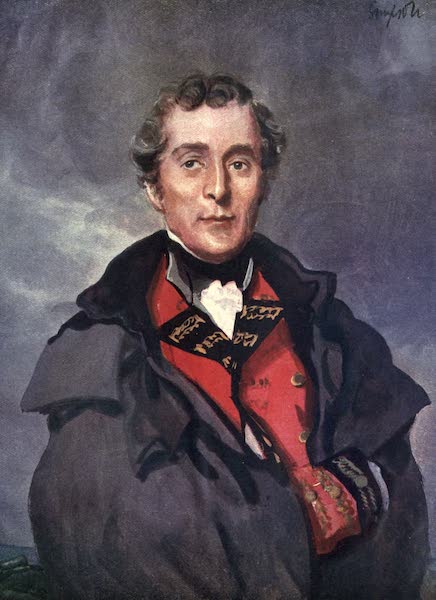 | Arthur Wellesley, First Duke of Wellington
|
 | Arthur's Seat from the Braid Hills
|
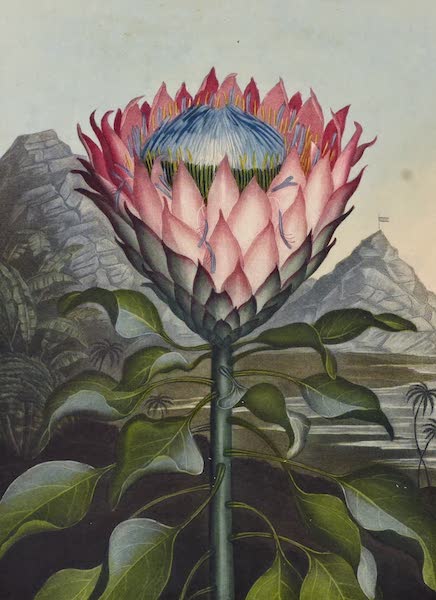 | Artichoke Protea
|
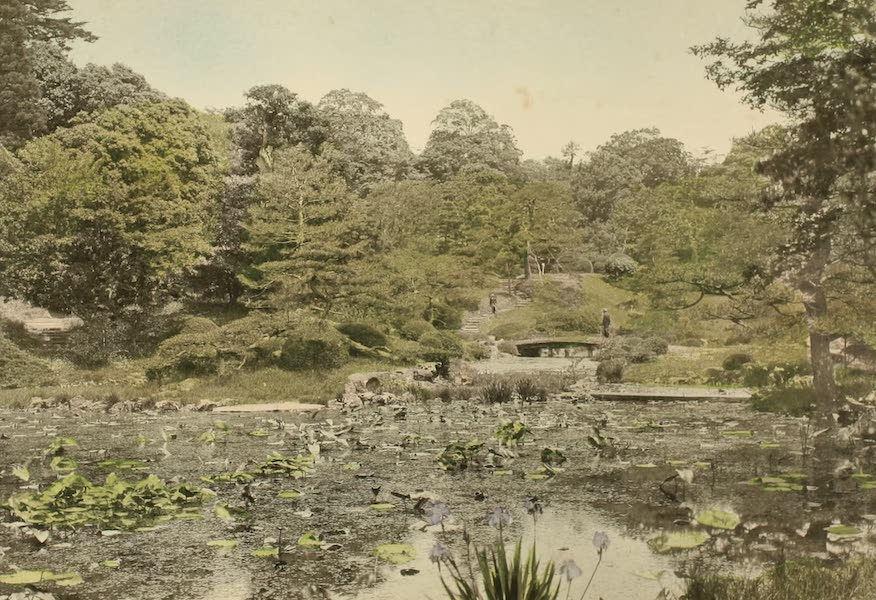 | Artificial garden.
|
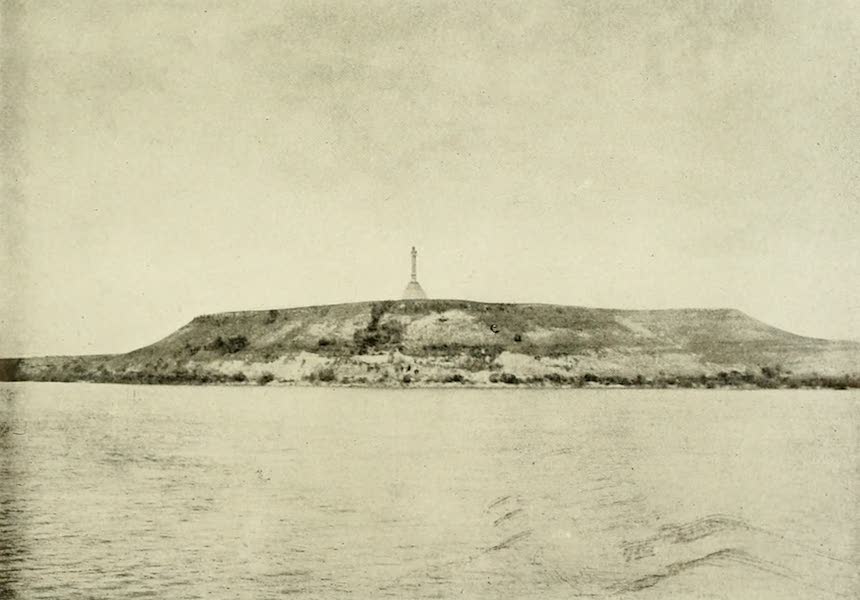 | Artigas' Monument
|
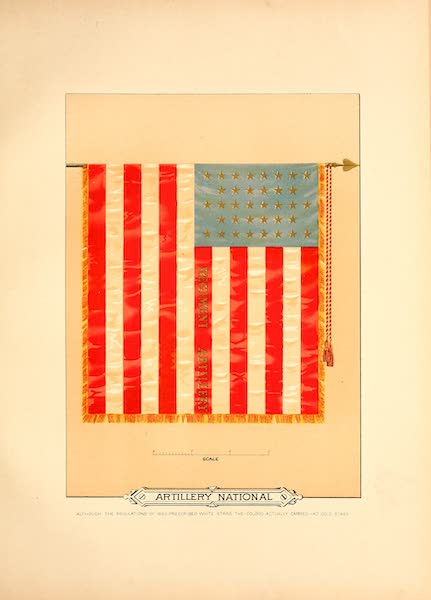 | Artillery National
|
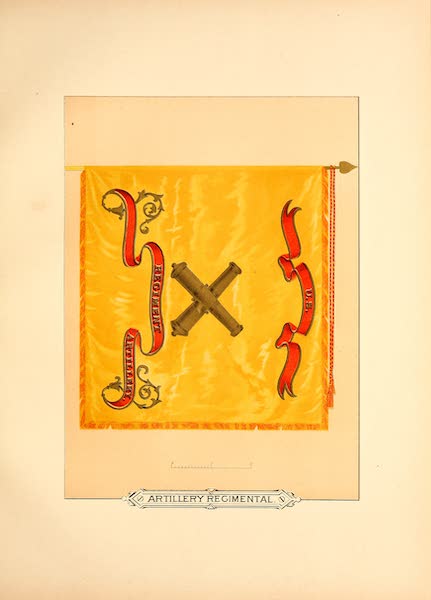 | Artillery Regimental
|
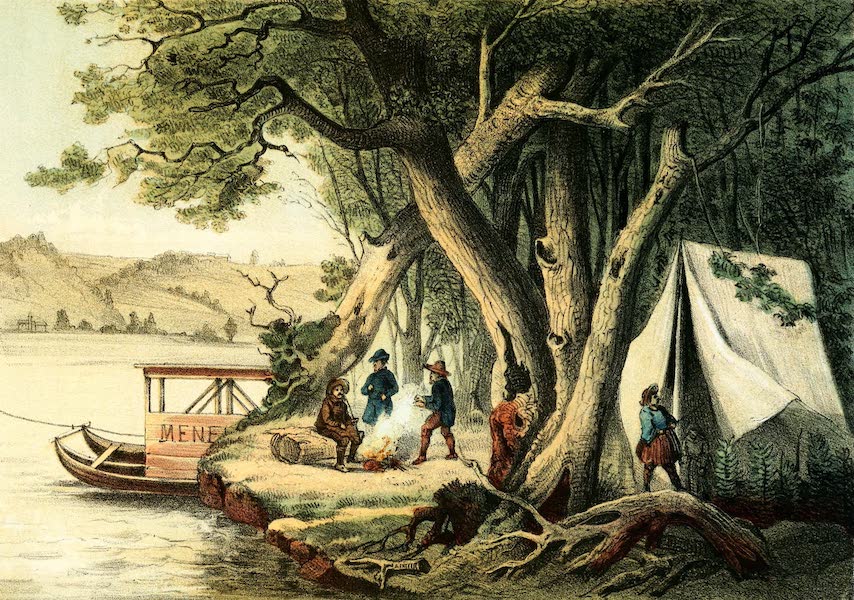 | Artist's Encampment
|
 | Artja Domas
|
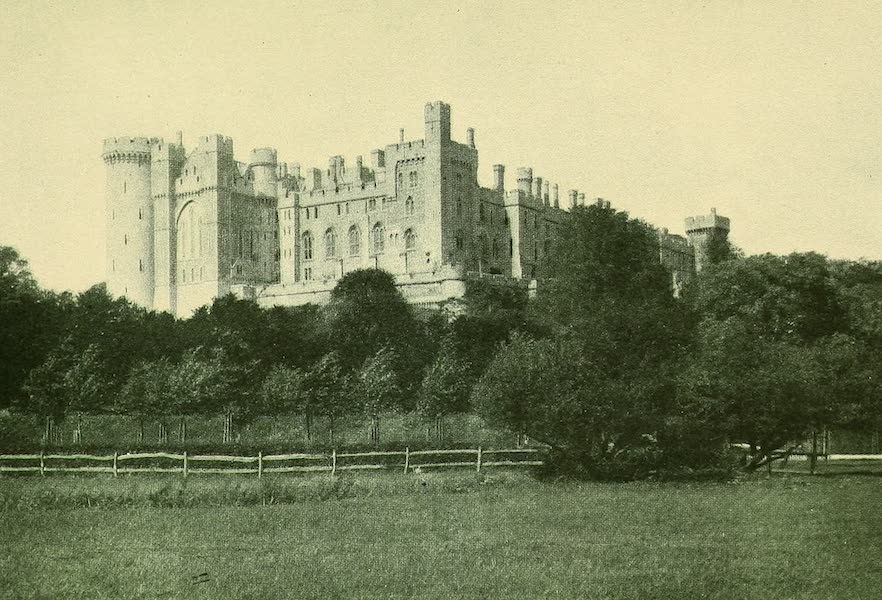 | Arundel Castle
|
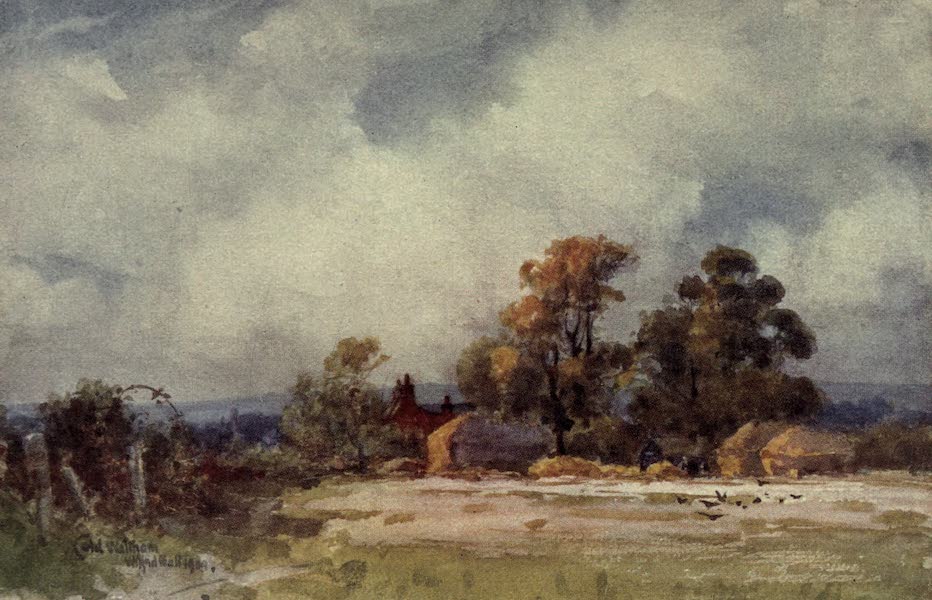 | Arundel Castle
|
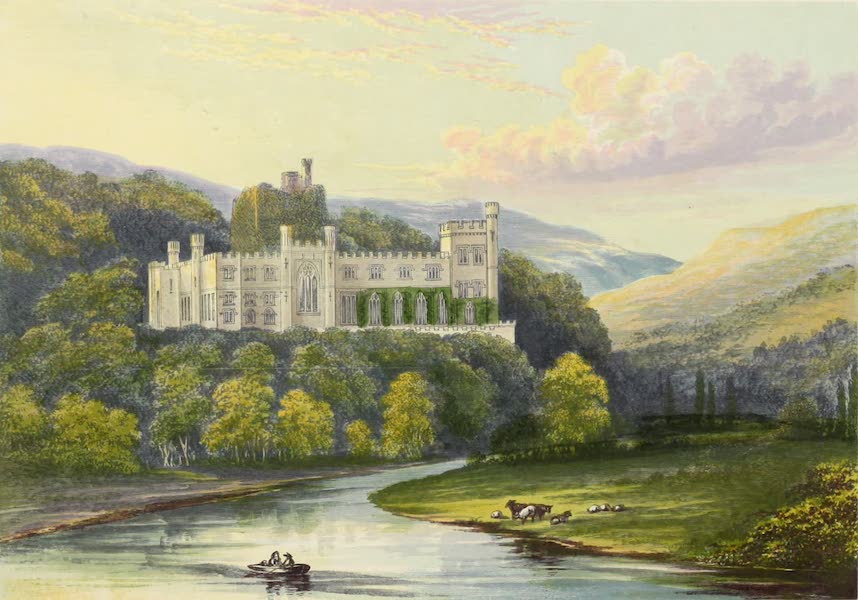 | Arundel Castle
|
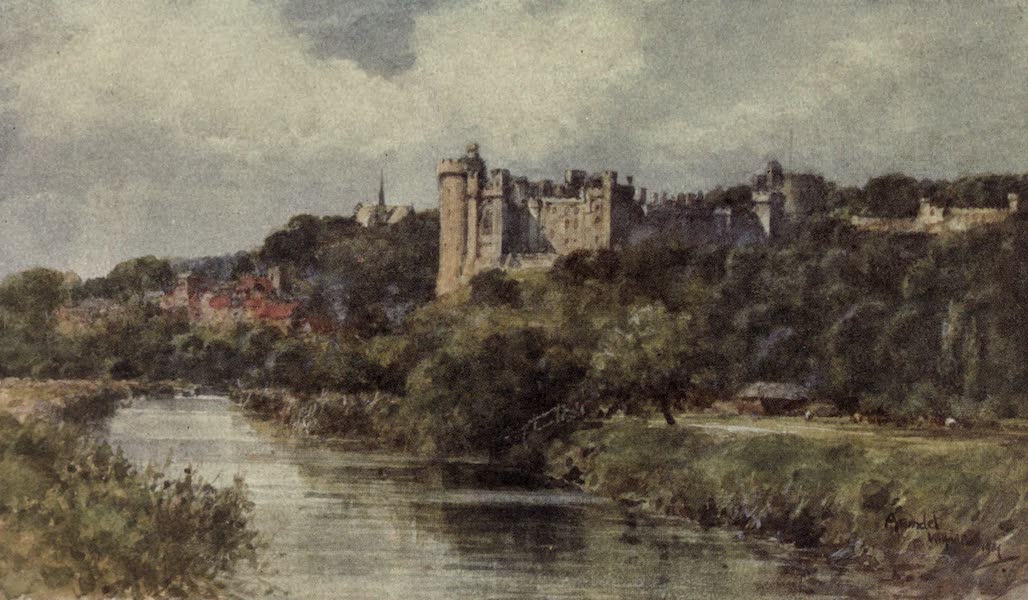 | Arundel Castle
|
 | Arundel Castle (Evening)
|
 | Aruspice
|
 | Aruspice romain
|
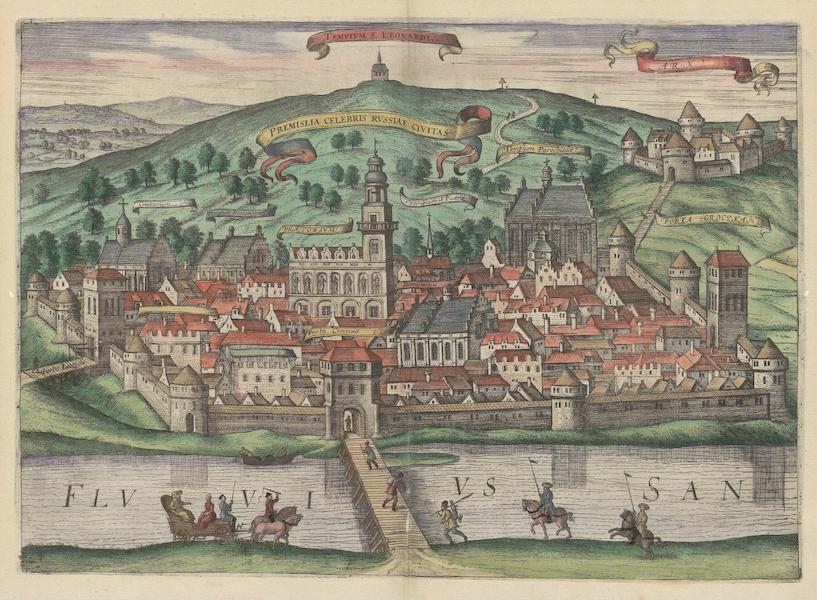 | Arx Premislia Celebris Rvssiae Civitas
|
 | Ascending Cajon Pass, California
|
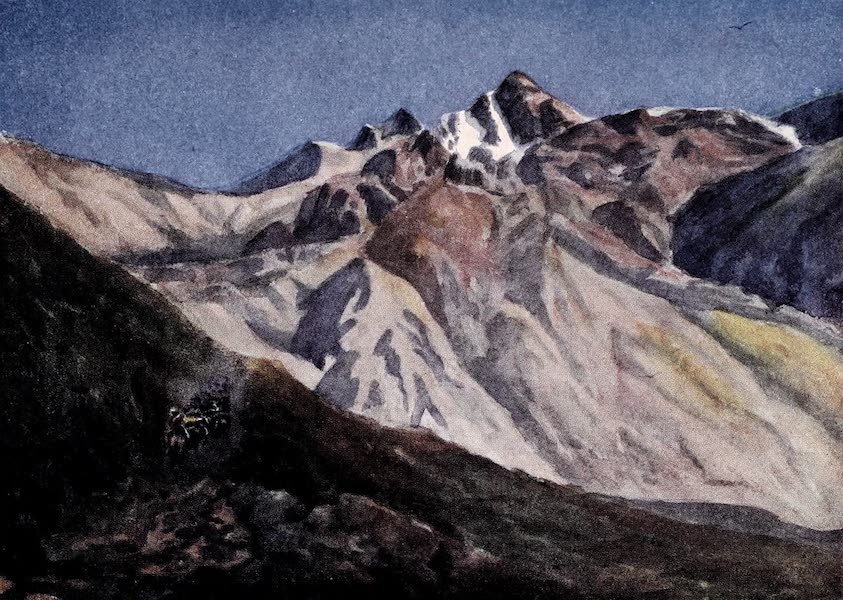 | Ascending Las Cuevas Pass
|
 | Ascending Las Cuevas Pass
|
 | Ascending the Chagres River
|
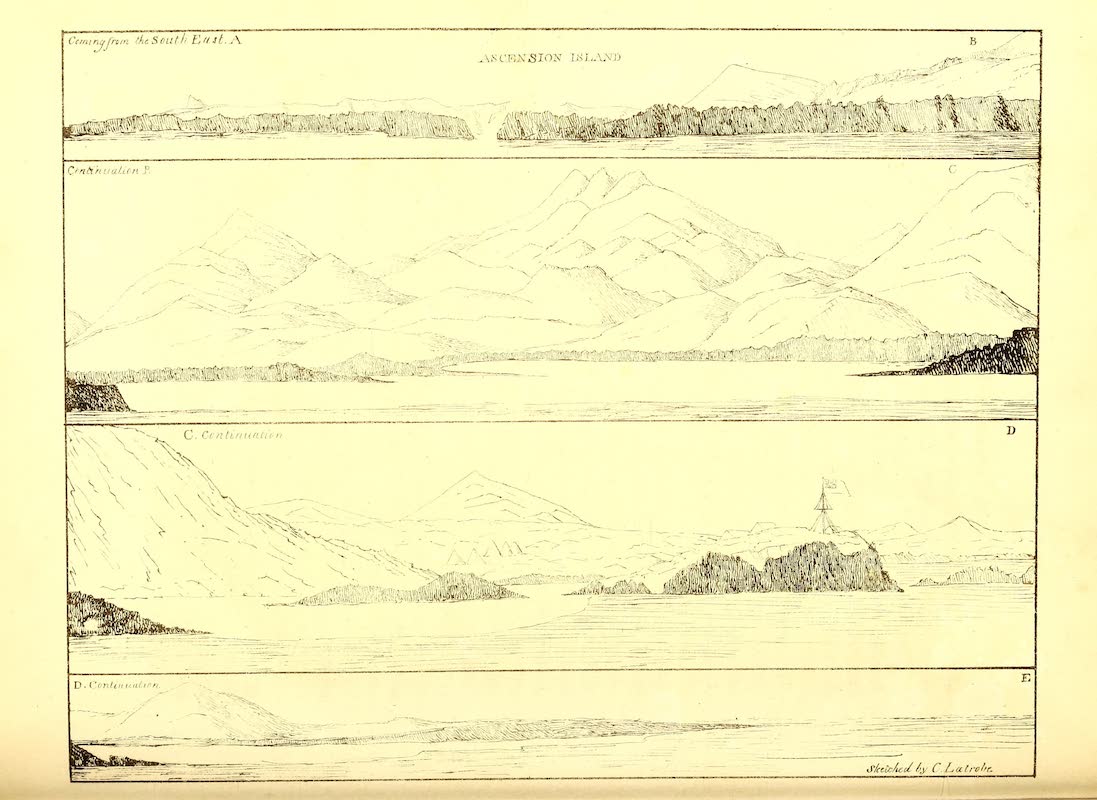 | Ascension Island and Other Views
|
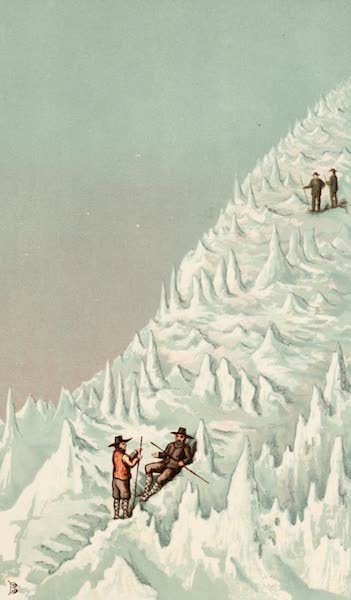 | Ascent of Popocatapetl
|
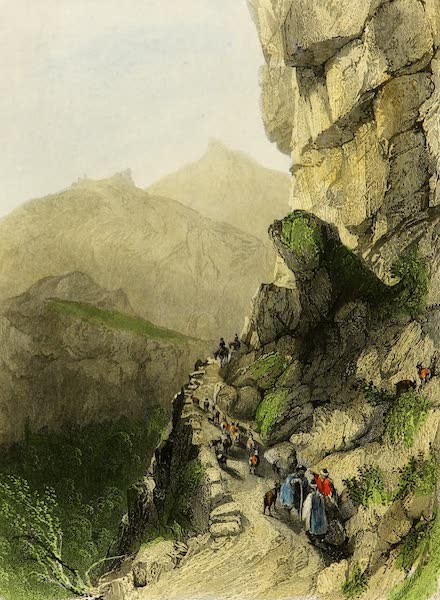 | Ascent of the High Balkan Mountains
|
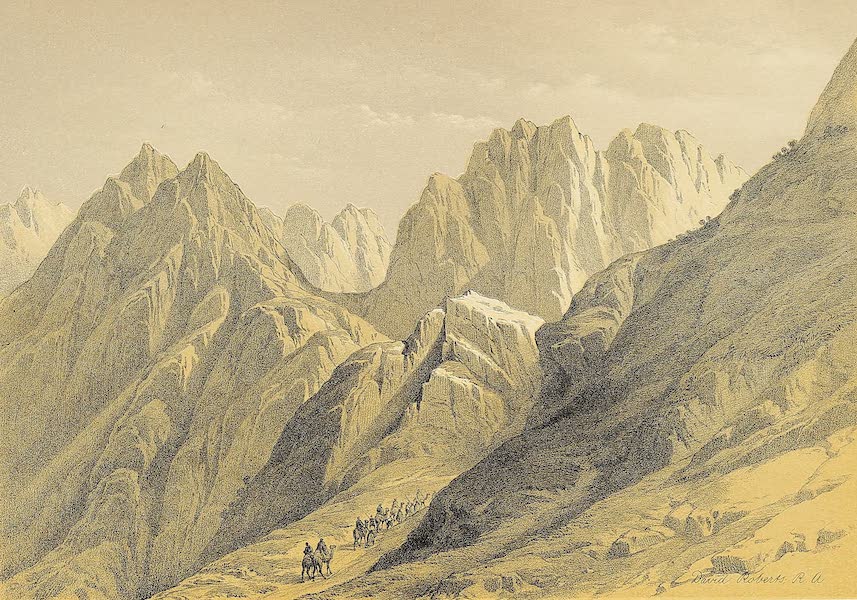 | Ascent of the Lower Range of Mount Sinai
|
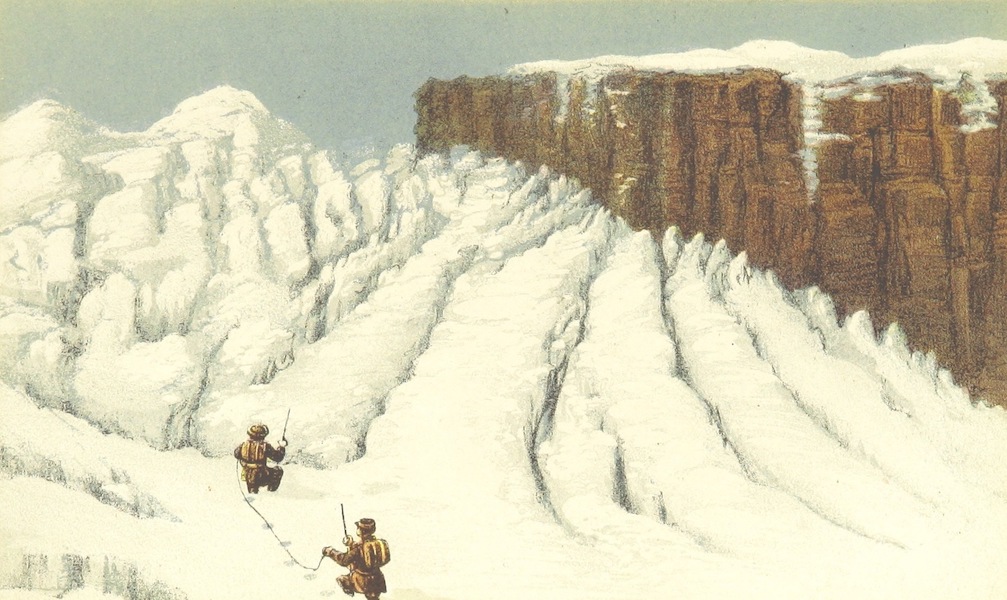 | Ascent of the Schwarze Glacier
|
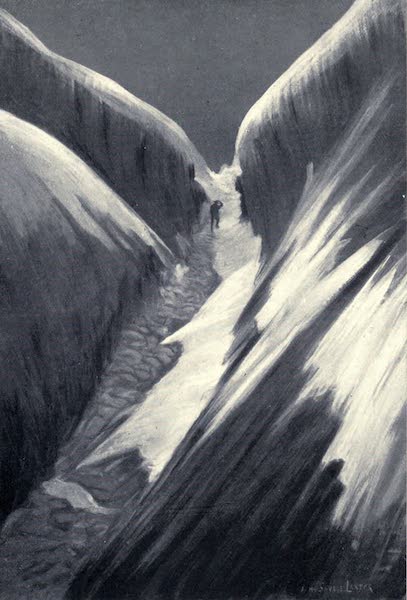 | Ascent to the Nui Pass
|
 | Ascent to the Shwe Dagon
|
 | Ascent to the Summit of Sinai
|
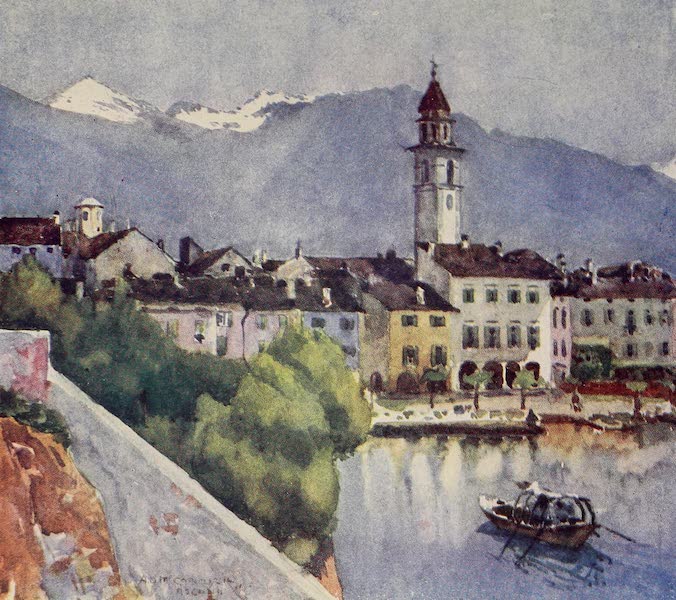 | Asconia - on Lago Maggiore
|
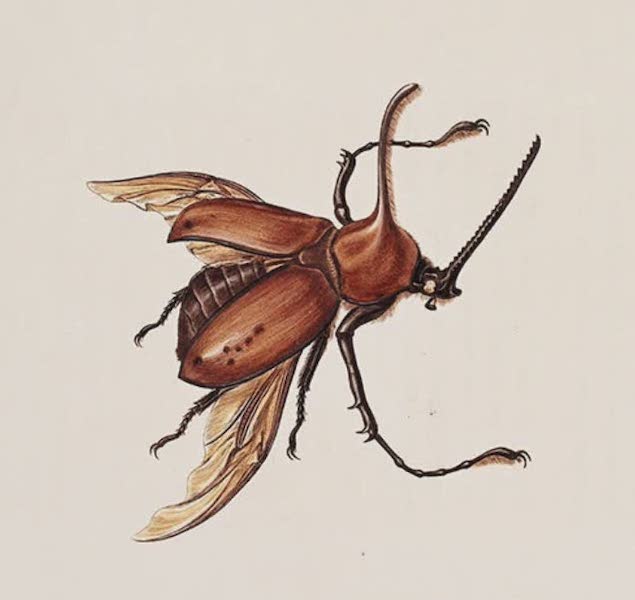 | Aserrador Hewitsoni
|
 | Ash-e-taa-na-quet, a celebrated Chippeway Chief
|
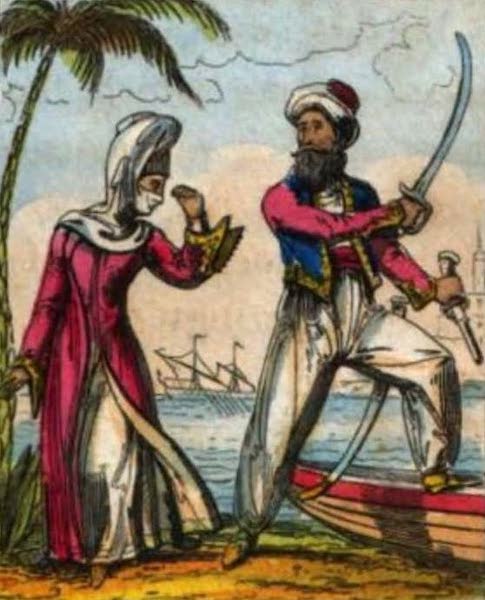 | Ashantees
|
 | Ashcombe Park
|
 | Ashdod
|
 | Ashland Town
|
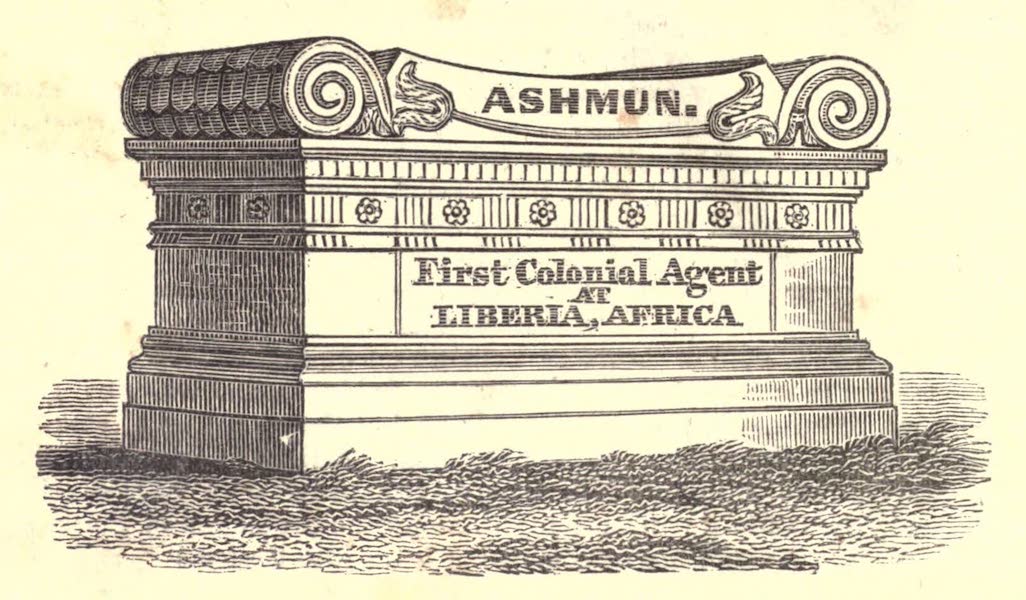 | Ashmun's Tomb
|
 | Ashokan Reservoir and the Catskills
|
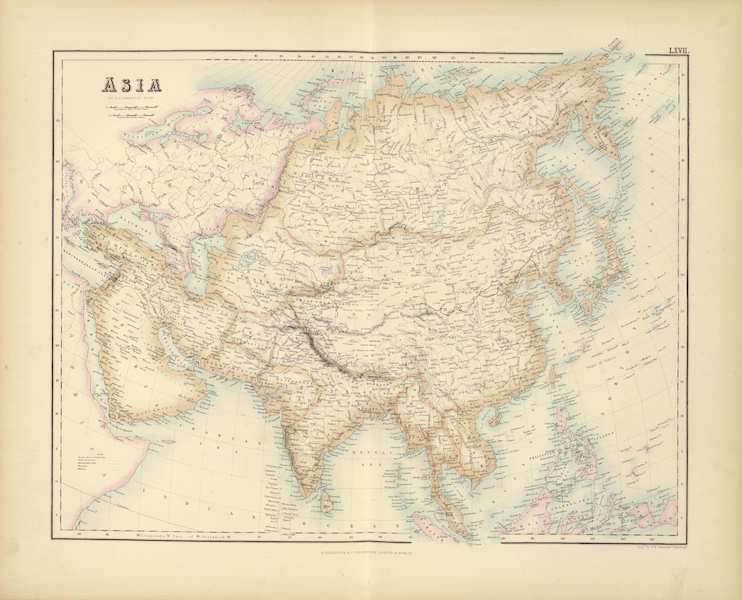 | Asia
|
 | Asia
|
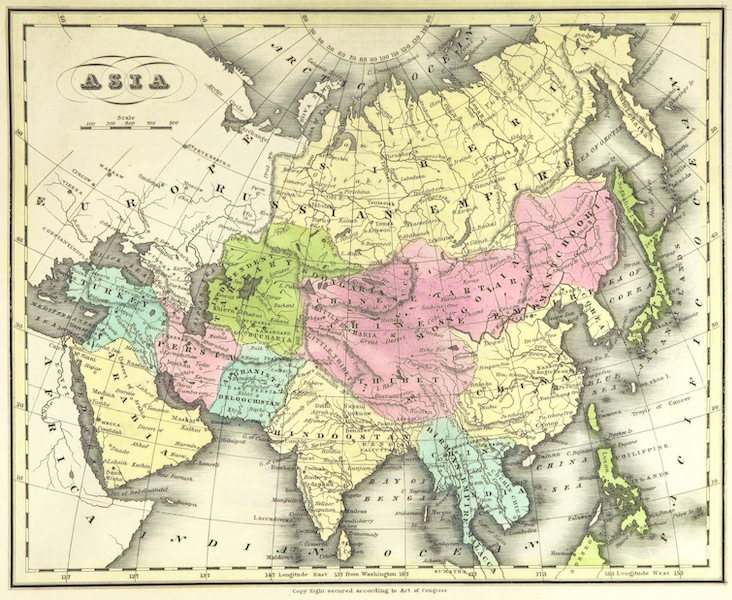 | Asia
|
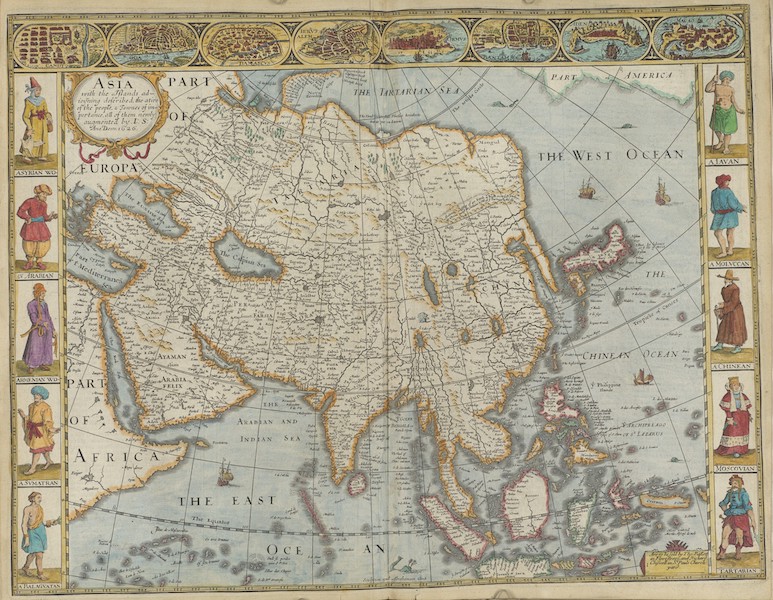 | Asia
|
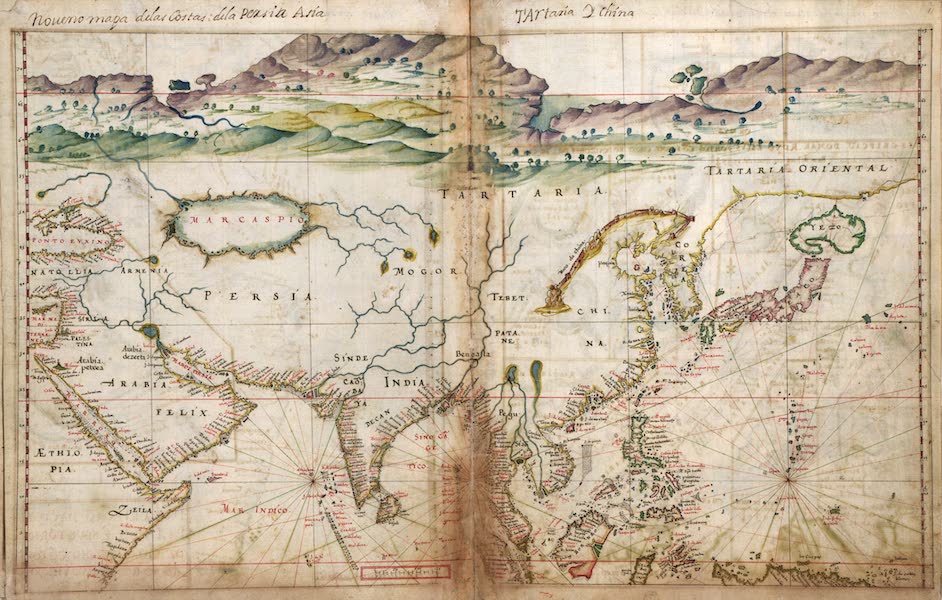 | Asia
|
 | Asia
Countries shown in outline color with black and white illustrations of Tartars, Russian peasants, regional birds, walruses and the ruins of Petra. Filigree border surrounds map. |
 | Asia Minor
Map in outline color within a Greek key border. Illustrations of Rhodes, Olympus and two Turks. |
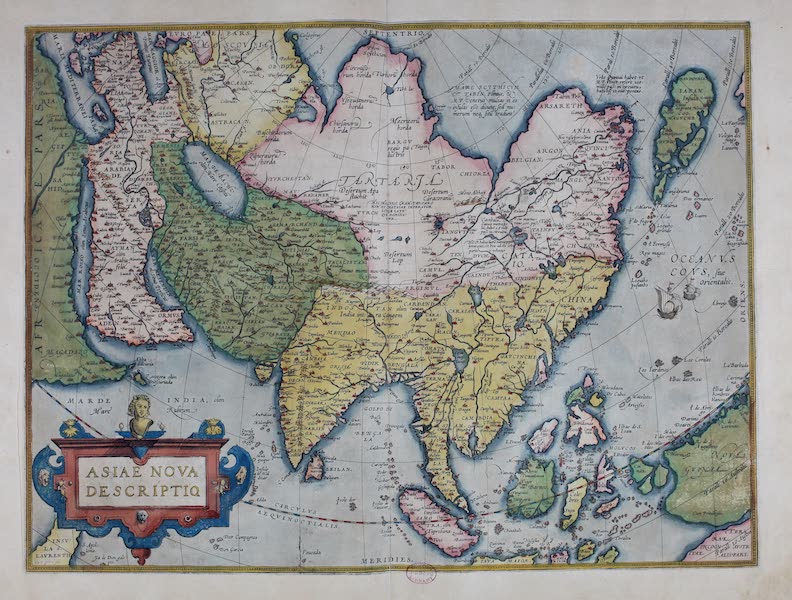 | Asiae Nova Descriptio
|
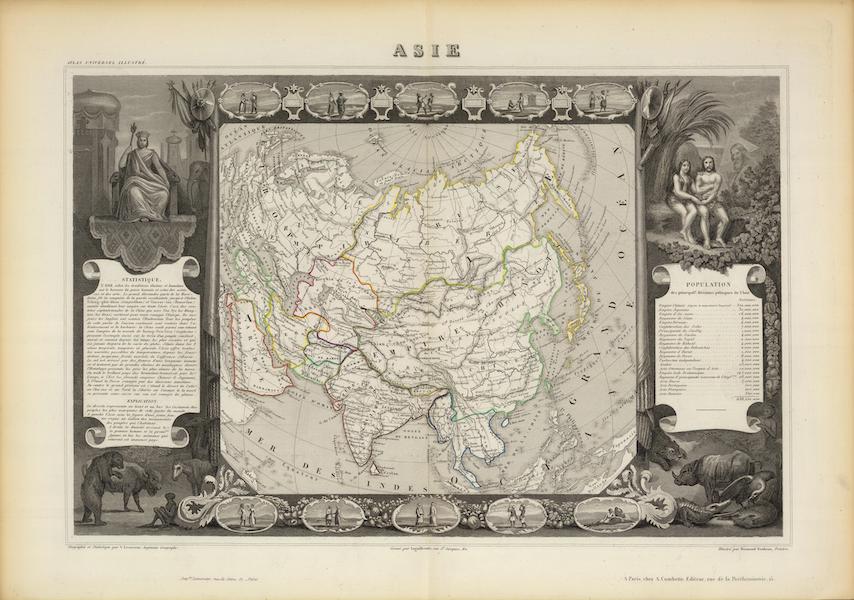 | Asie
|
 | Asiniboin Indianer. / Indiens Assiniboins. / Assiniboin Indians.
|
 | Aske Hall
|
 | Askelon
|
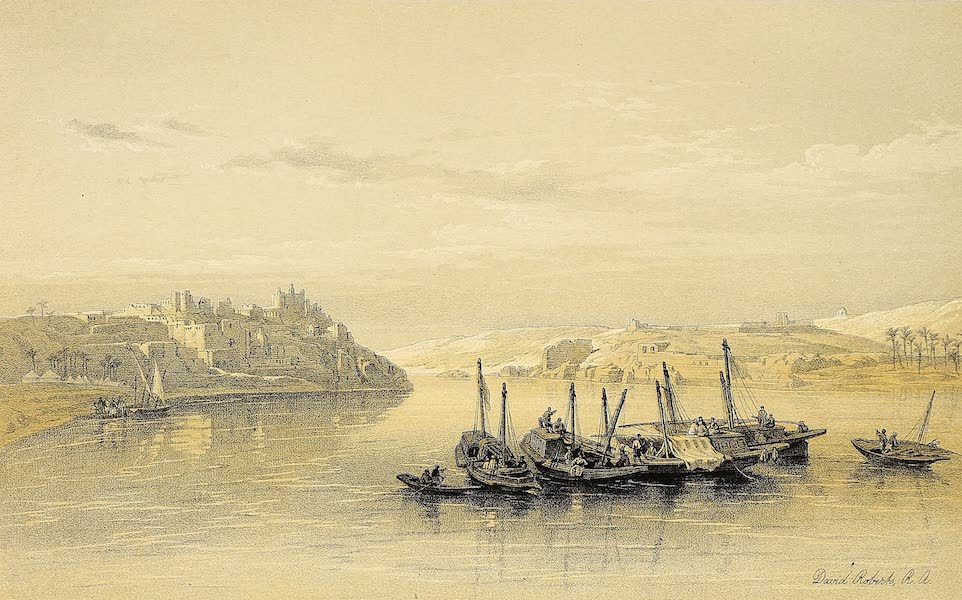 | Asouan and the Island of Elephantine
|
 | Aspect de cette Presqu'Ile
|
 | Aspernbrucke, Vienna
|
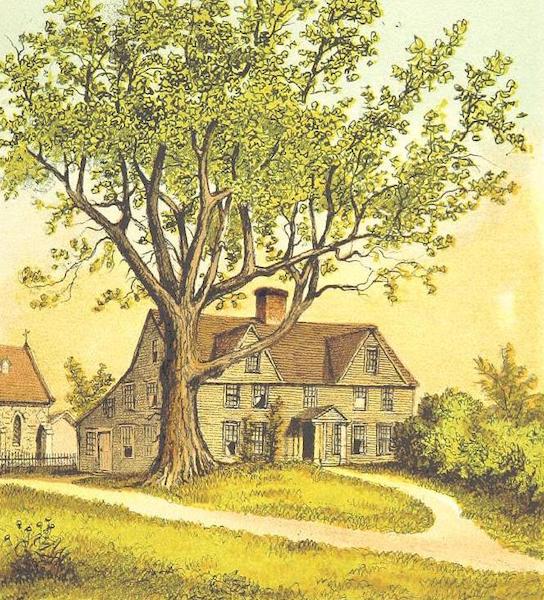 | Aspinwall House, Brookline
|
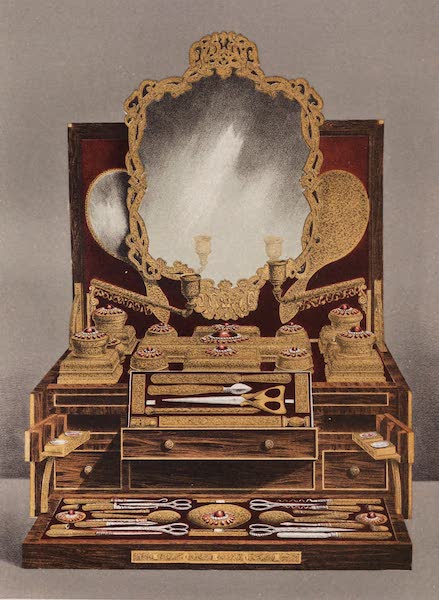 | Asprey – Dressing-case
|
 | Assar Mahal, Beejapore
|
 | Assassination of Author's Grandfather - Canadian Rebellion 1837-8
|
 | Assassination of President Lincoln
|
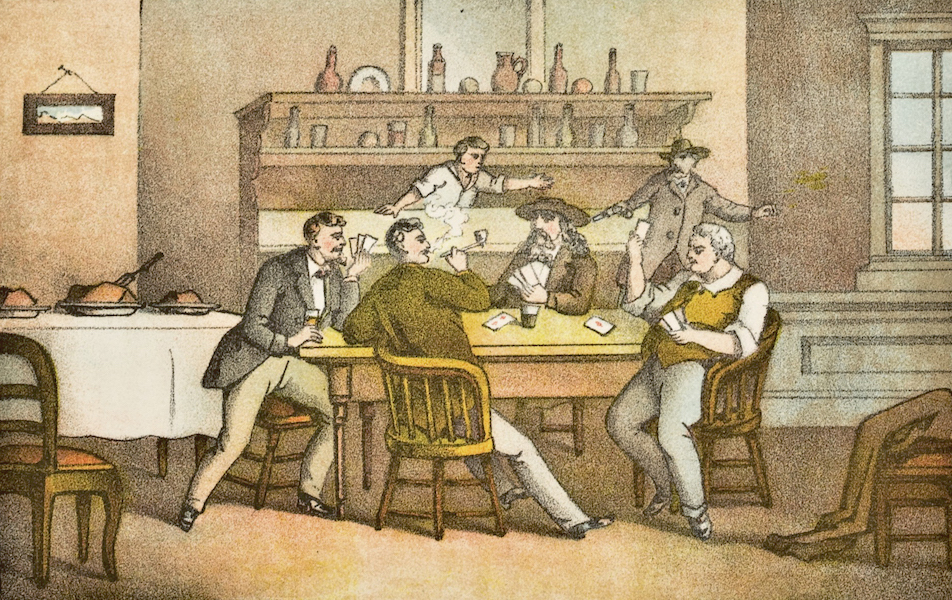 | Assassination of Wild Bill
|
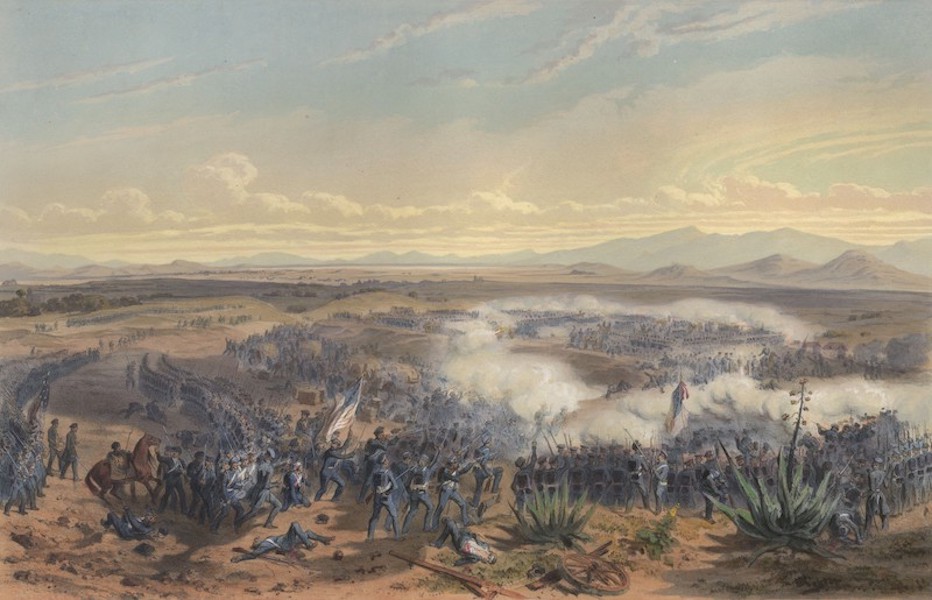 | Assault of Contreras
|
 | Assault of Delhi - Capture of the Cashmere Gate
|
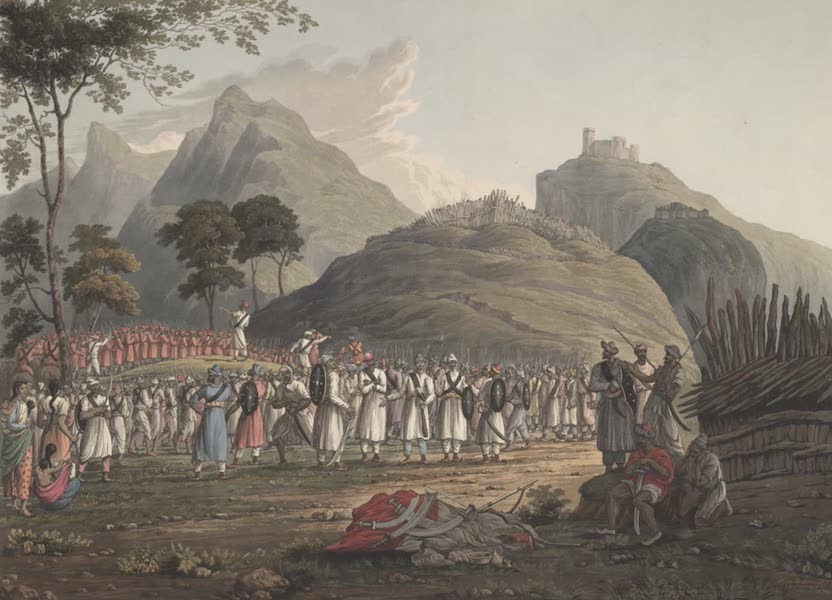 | Assemblage of Ghoorkas
Plate XIII; soldiers gathered in the mountains, with others visible behind wooden fortifications above and a fortresses on peaks beyond at right, weapons on rocks in the foreground. Fraser's brother William was a political agent to Major-General Martindell during the Nepal campaigns of 1814-15, when the Gurkha Empire was about the size of Great Britain and was unified for the first time in its history. James Fraser accompanied him at that time, commenting that the men of the Nepalese army "had much of the true and high spirit of a soldier", admiring the Gurkhas' sturdiness, strength and courage. As the war progressed, Gurkhas who capitulated were received into British service, joining William's detachment, which became known as Fraser's Irregulars. At the end of the war Gurkha regiments were incorporated into both the Indian and British armies and William was considered one of the founders of these regiments. |
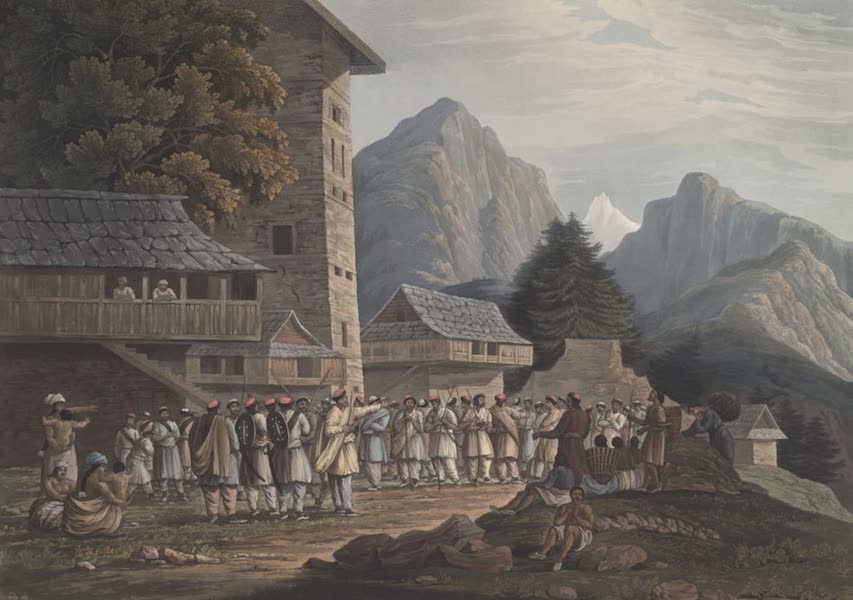 | Assemblage of Hillmen
Plate XII; soldiers gathered before buildings at left, mountains beyond at right. James and his brother William met with many hill tribes in villages along the way as they travelled the Himalayan region. James sketched many of these groups and was fascinated by the diversity of their facial features and dress. The detachment accompanying the Fraser brothers became known as 'Fraser's Irregulars'. It was made up of 600 men from the hill states, mostly Kumaon tribesmen, together with Mewatis, Gujars and Sikhs, plus about 100 Pathans. Officers of the Gurkha Army were of the Chetri, or warrior caste, and regular soldiers were made up of Nepalese hill-tribes, particularly the Magars and Gurungs, whom the British mistakenly thought of as 'real Gurkhas'. |
 | Assembly of Arawaks at Mahaiconi, 1844
|
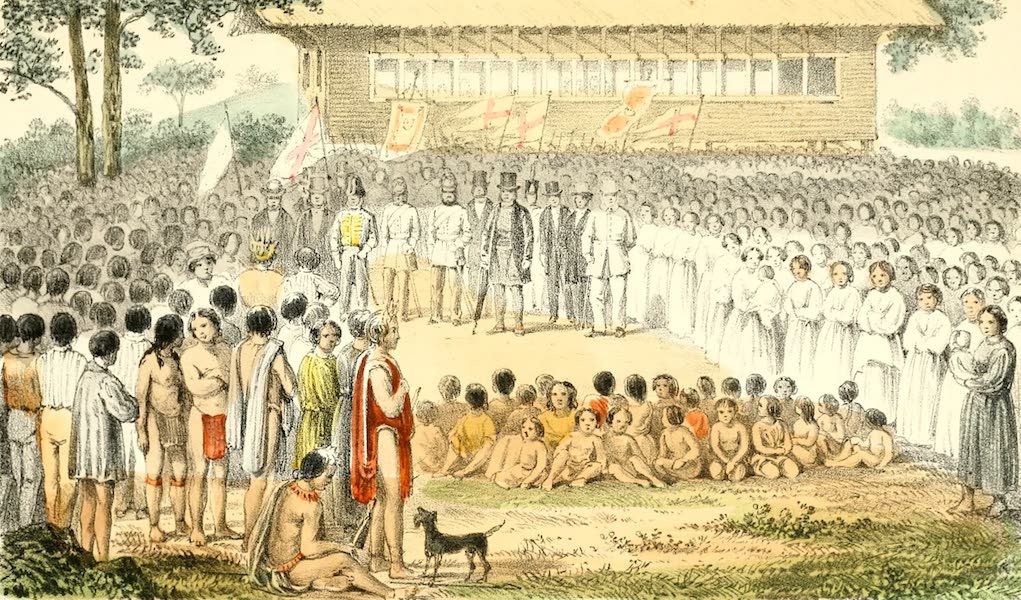 | Assembly of Indians at Waramuri, 1866
|
 | asseterre auf St. Kitts
|
 | Assiniboin Baumgräber. / Tombeaux des Assiniboins dans des arbres. / Tombs of Assiniboin Indians on trees.
|
 | Assorted Figures
|
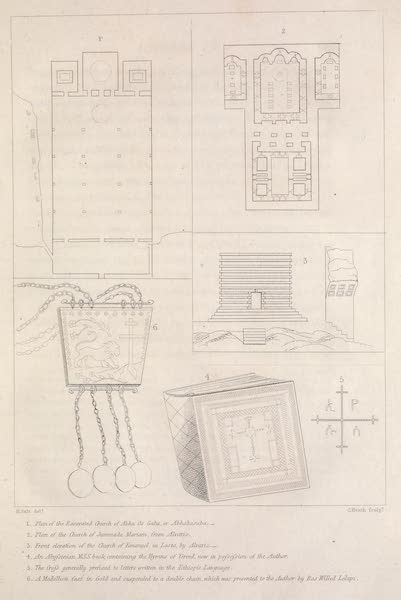 | Assorted Figures
|
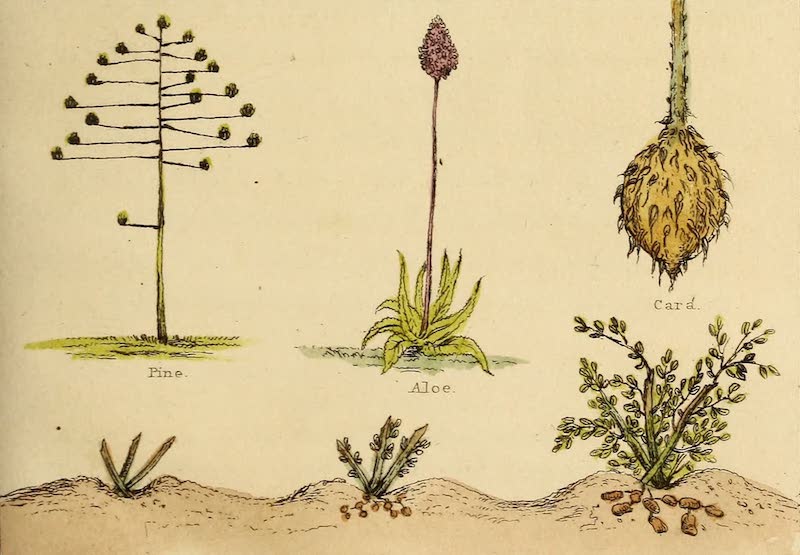 | Assorted Flora Including Pine and Aloe
|
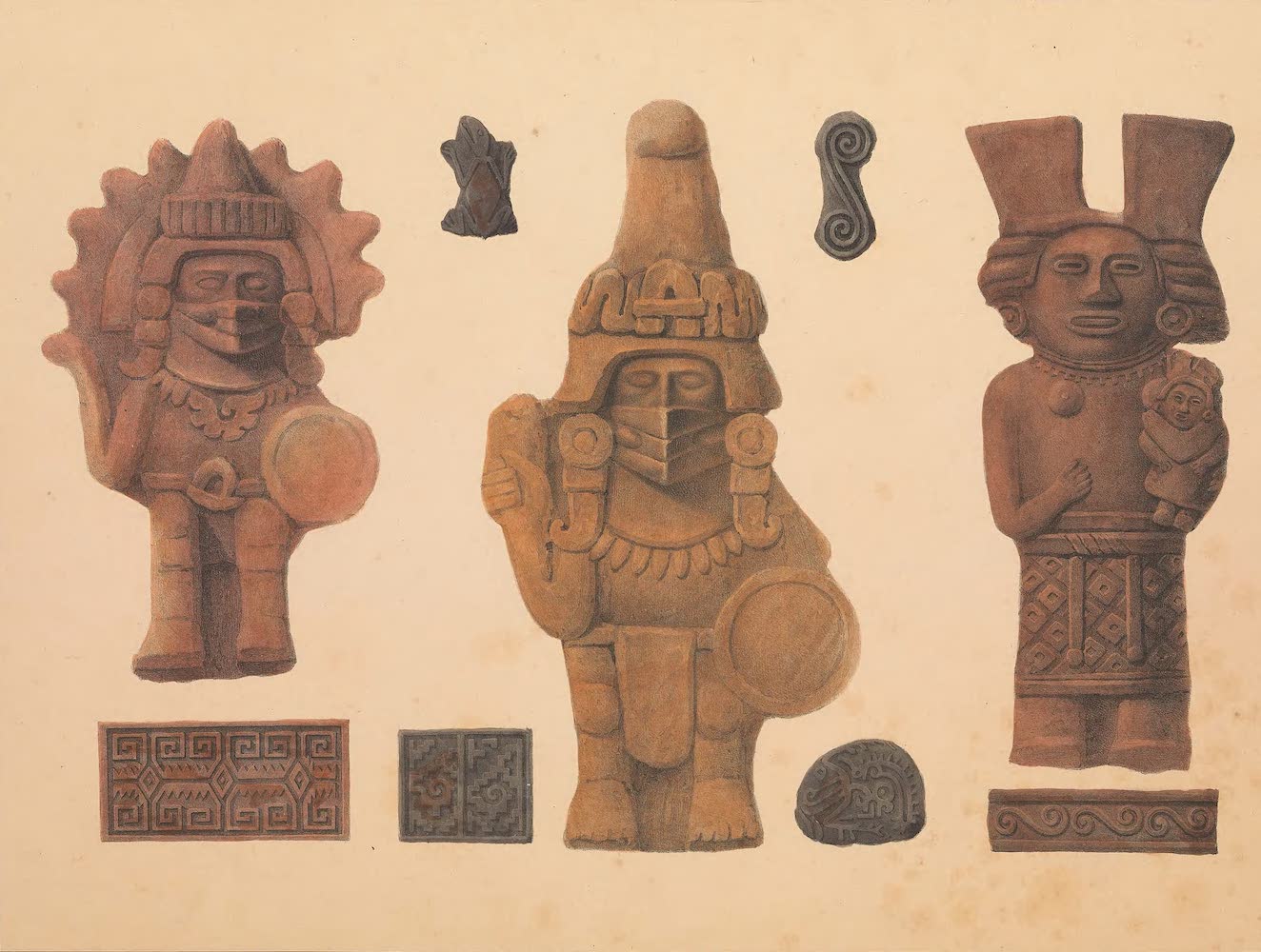 | Assorted Idols and Ornaments
|
 | Assyrian Cavalry Charging
|
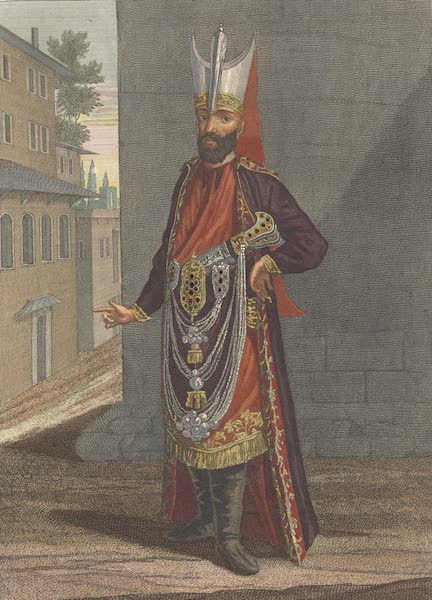 | Ast - chi - Bachi, Cuisinier et Officier des Jannissaires
|
 | Ast - chi, Cuisinier de Grand Seigneur
|
 | Aster Burchellii
|
 | Aster Gummiferus
|
 | Aster Rugosum
|
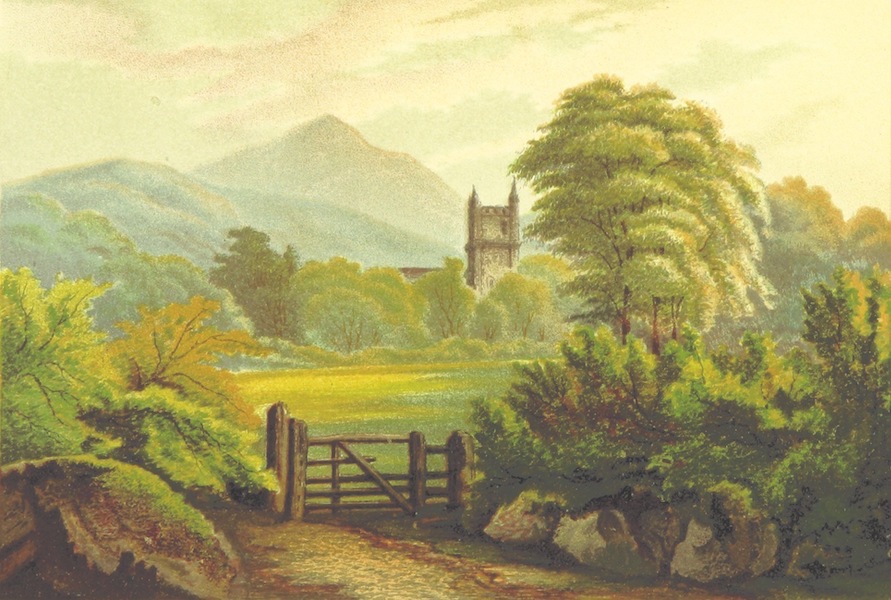 | Astley Church
|
 | Astley Hall
|
 | Astonishing the Natives
|
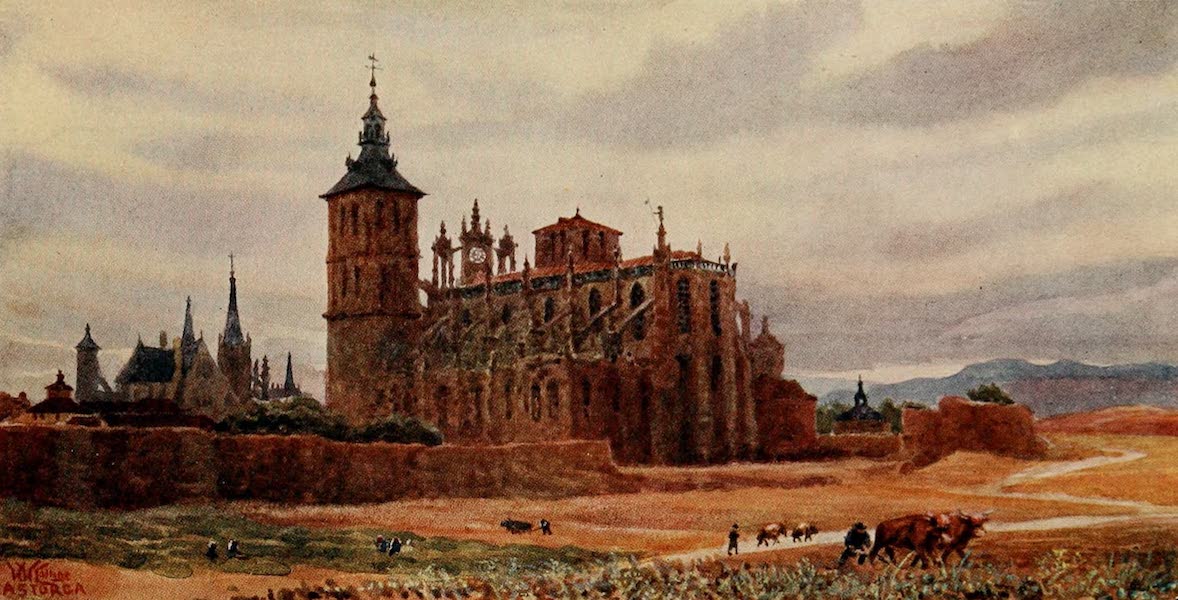 | Astorga
|
 | Astorga. From the South-east
|
 | Asulkan Glacier, showing Crevasse, Glacier, B.C.
|
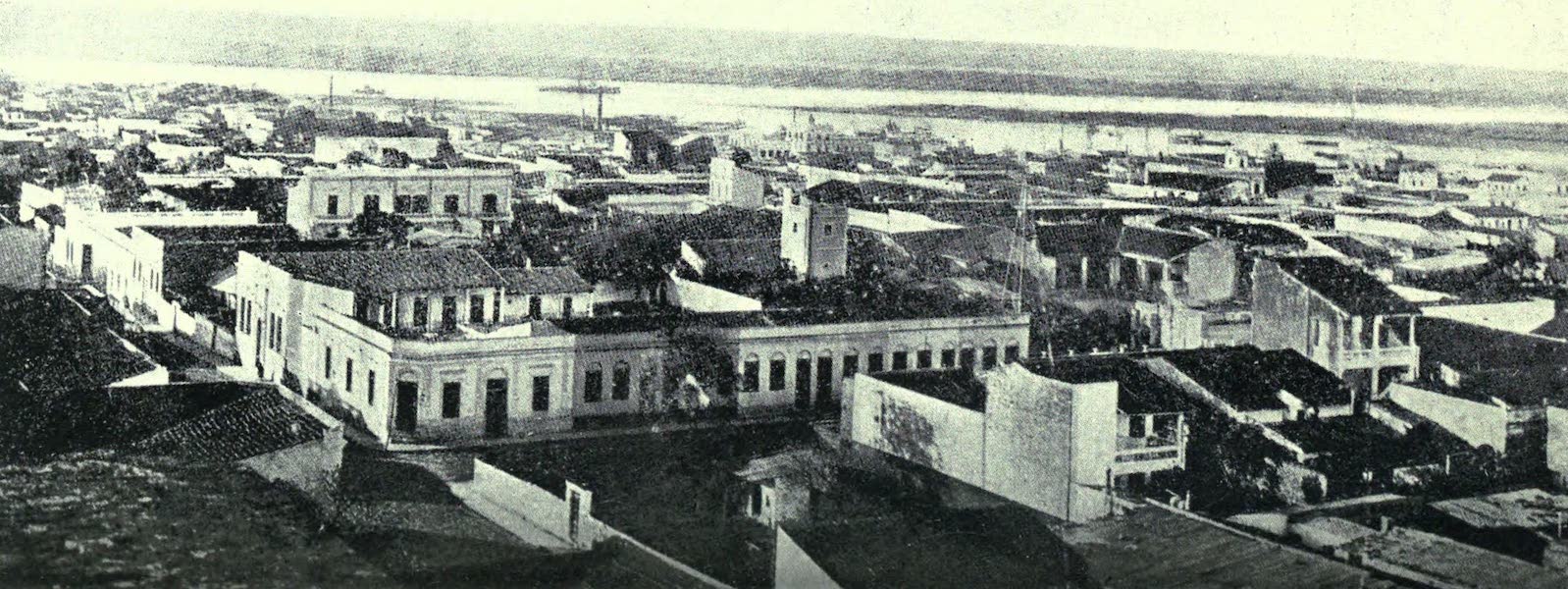 | Asuncion
|
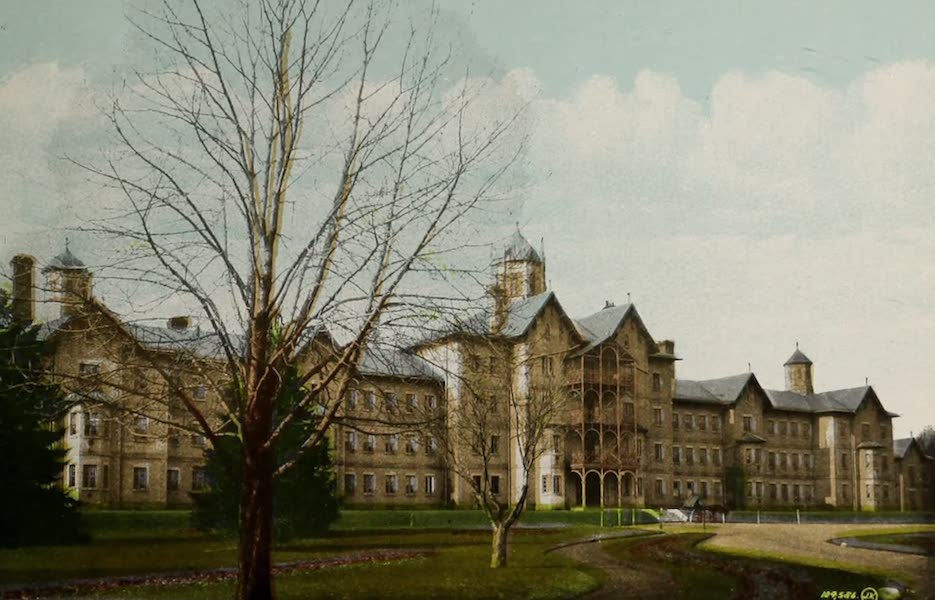 | Asylum for Insane, London, Ont., Canada
|
 | At a Street Corner, Amritsar
|
 | At Ain Feshkhah, North-West Side of Dead Sea
|
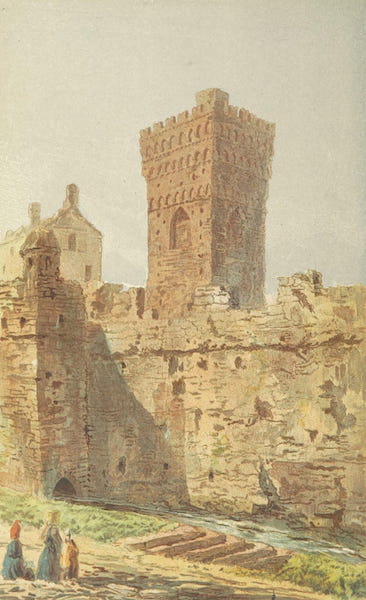 | At Albenga
|
 | At Anchor Off Weyanoke
|
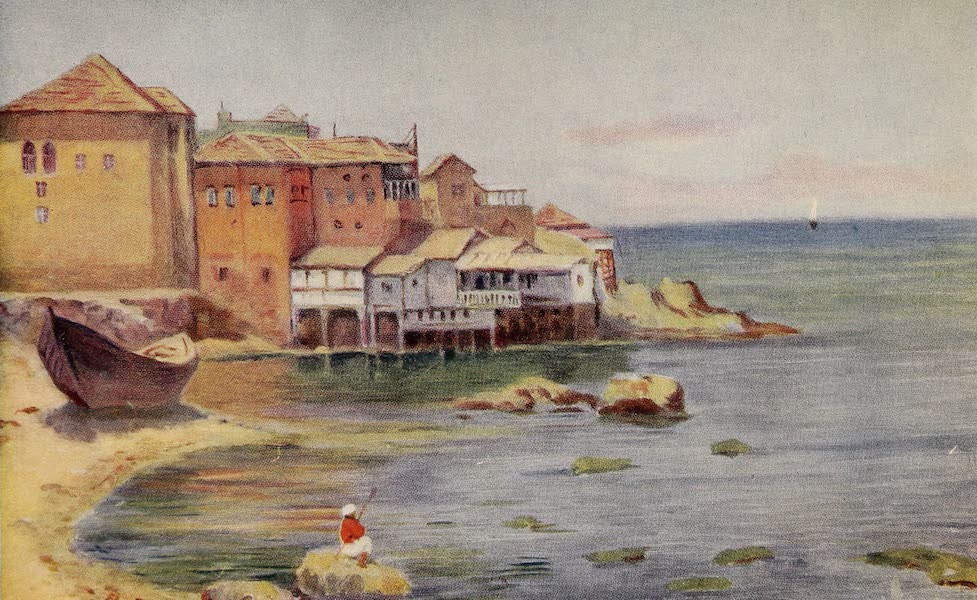 | At Beyrout
|
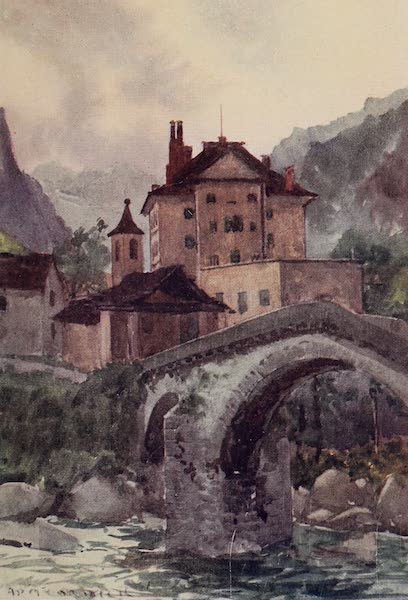 | At Bignasco
|
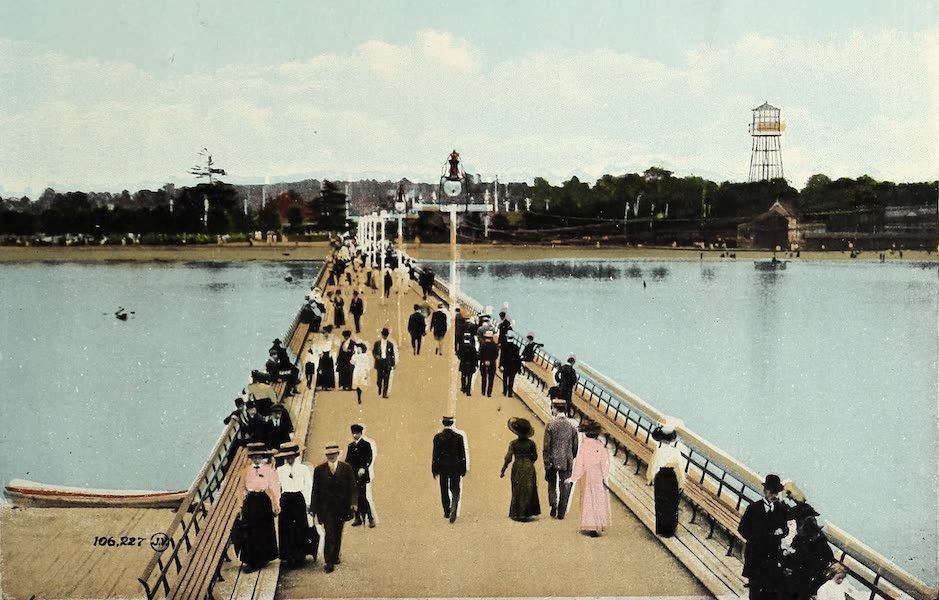 | At Brittania-on-the-Bay, near Ottawa
|
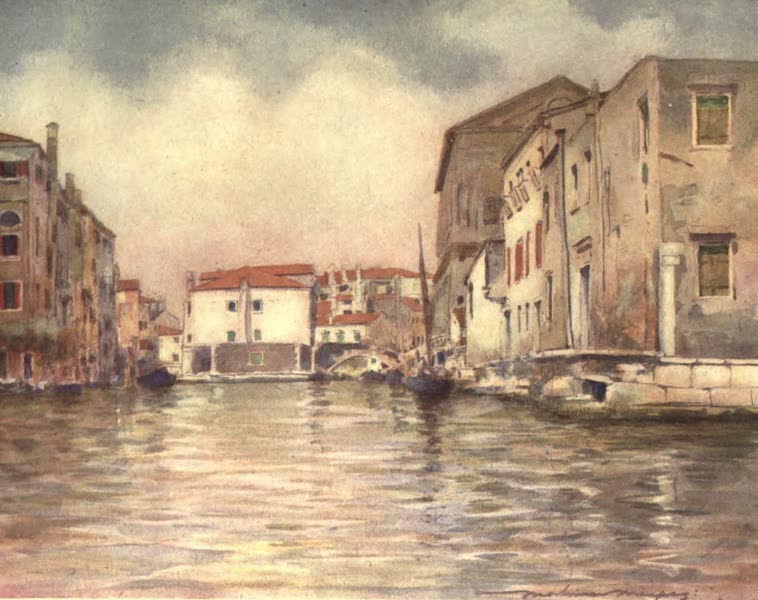 | At Chioggia
|
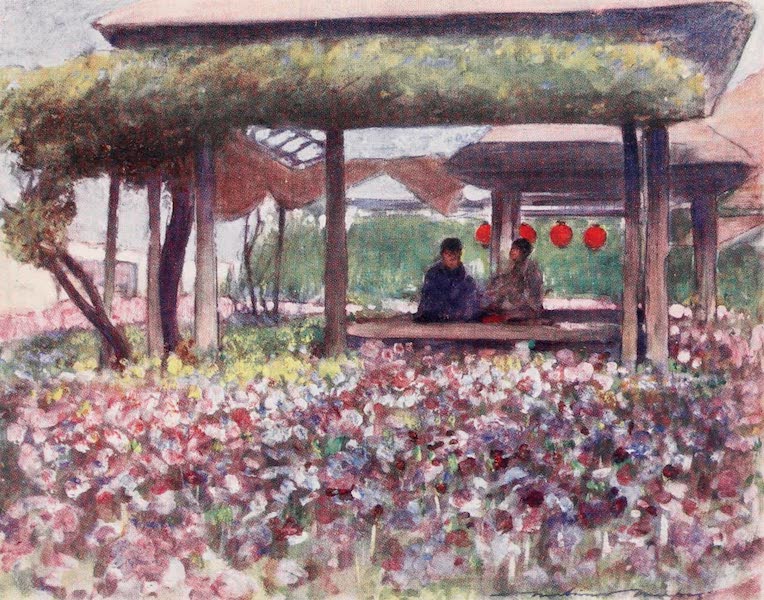 | At Horikiri
|
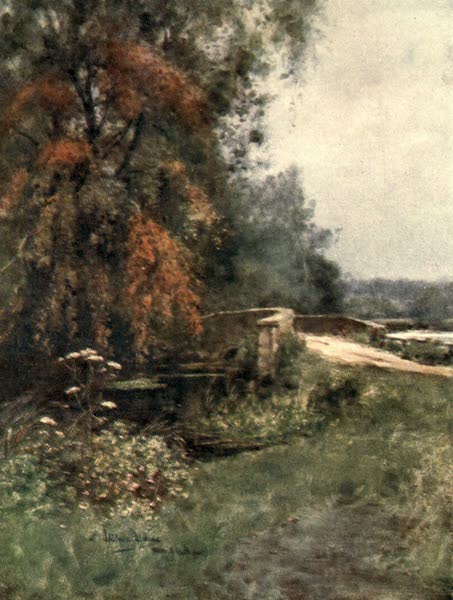 | At Itchen Abbas
|
 | At Kioto
|
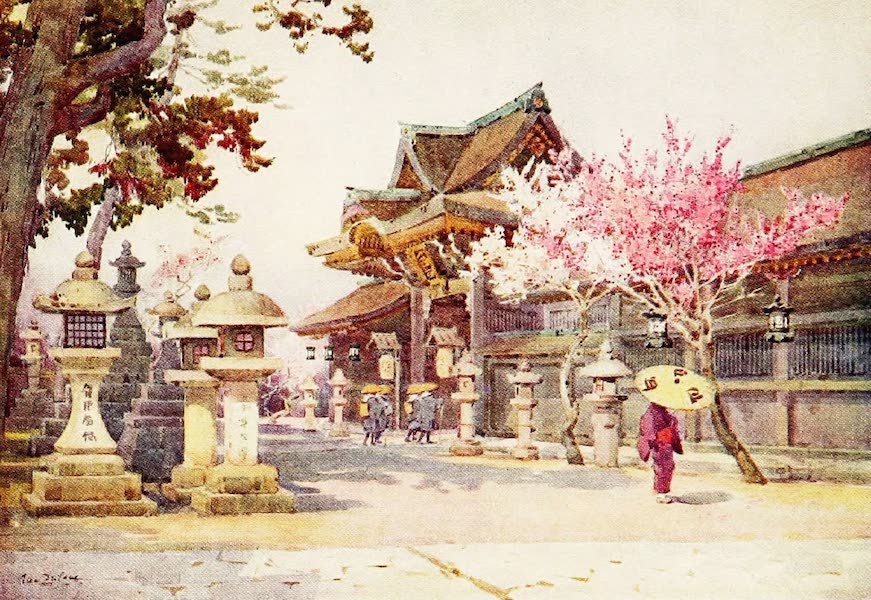 | At Kitano Tenjin
|
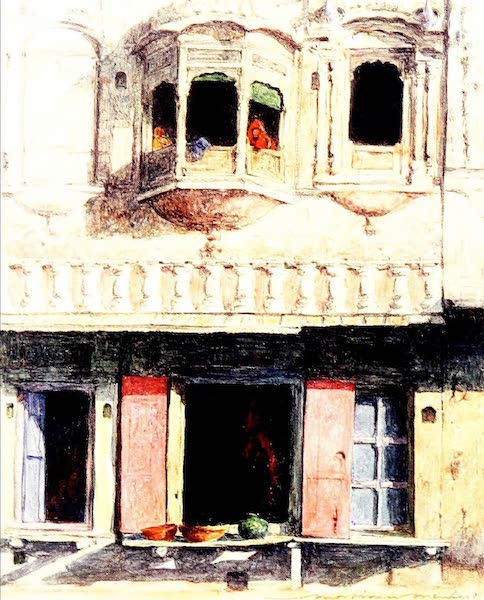 | At Lahore
|
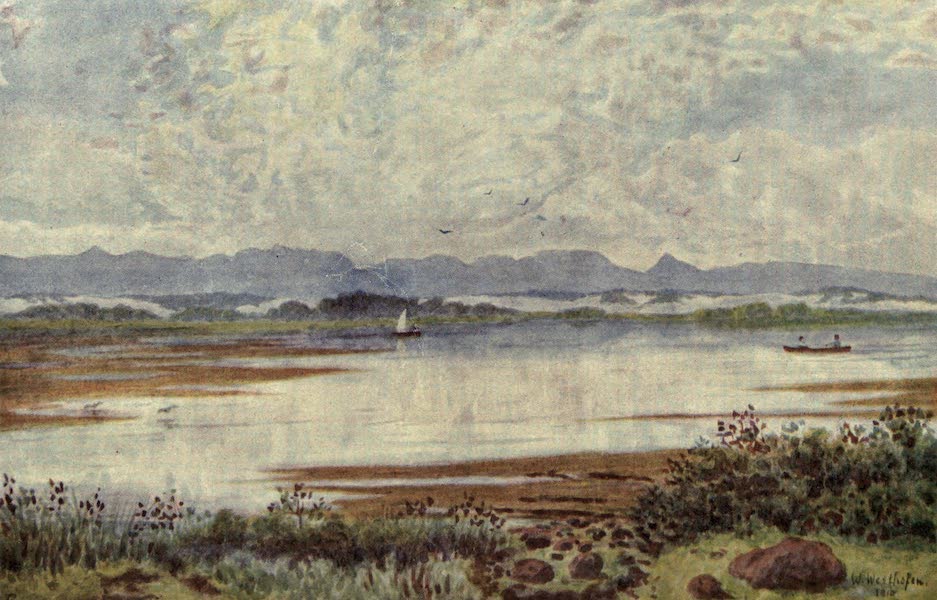 | At Lakeside, looking South-East
|
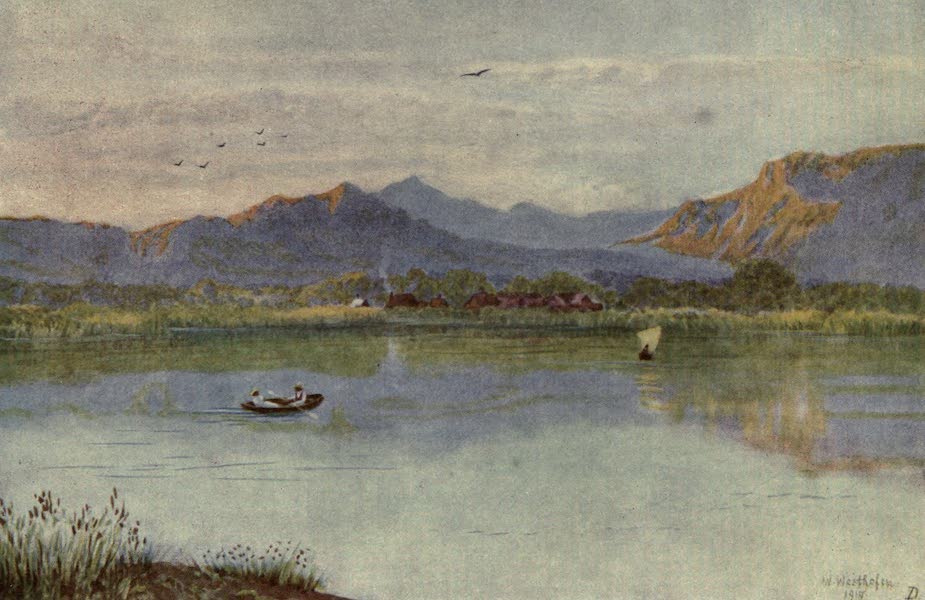 | At Lakeside, looking towards Constantia
|
 | At Loano
|
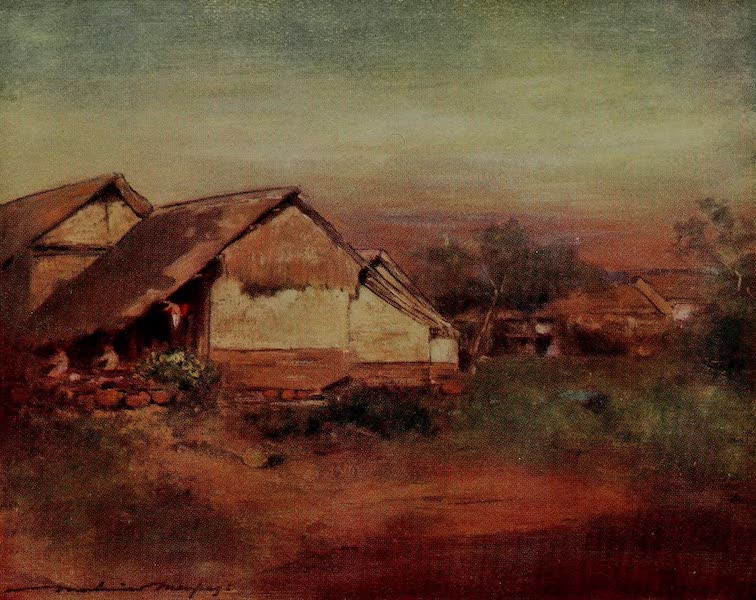 | At Mandalay
|
 | At Meiringen
|
 | At Mission San Luis Rey
|
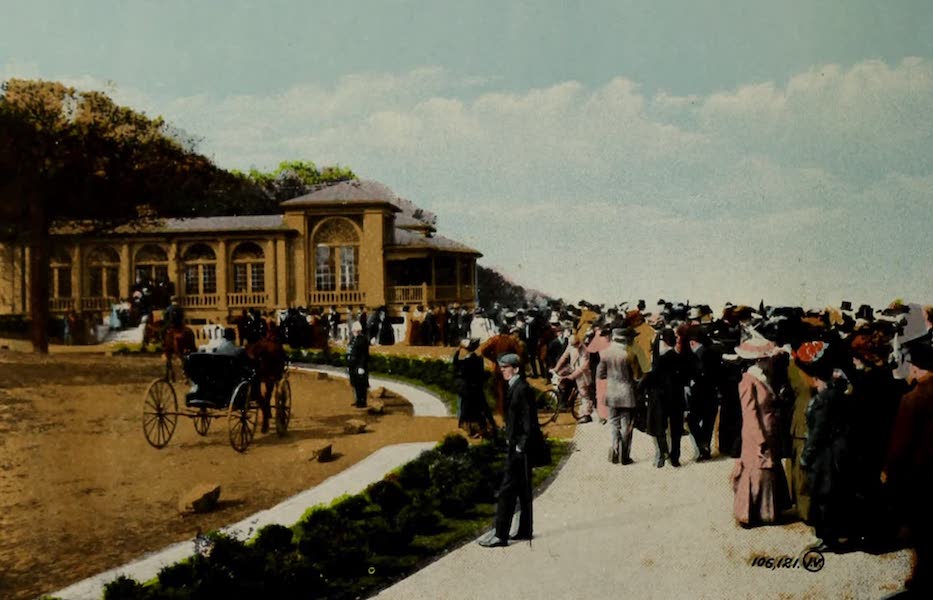 | At Mount Royal Look-out
|
 | At Newlyn
|
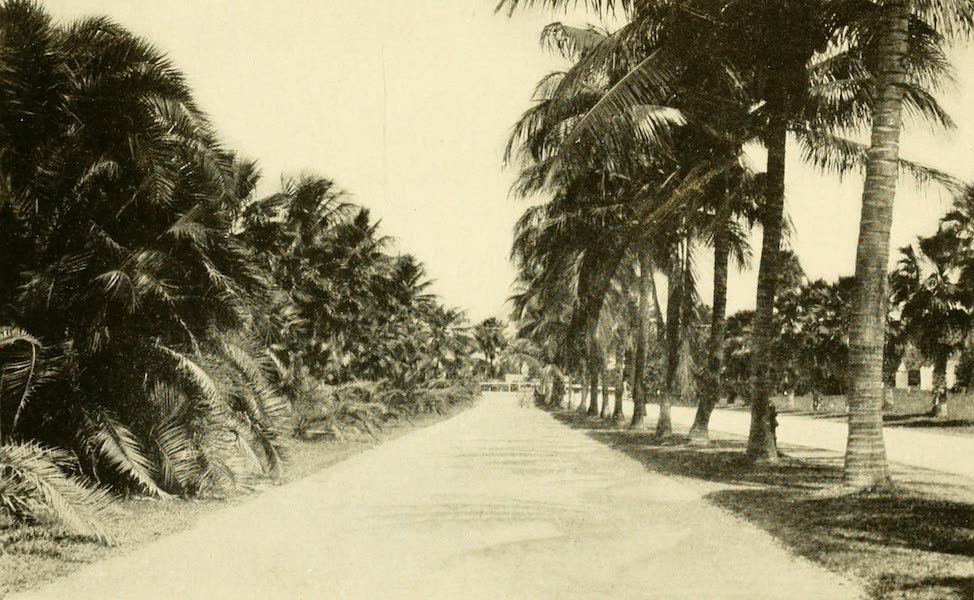 | At Palm Beach
|
 | At Polperro
|
 | At Pound Green, Freshwater
|
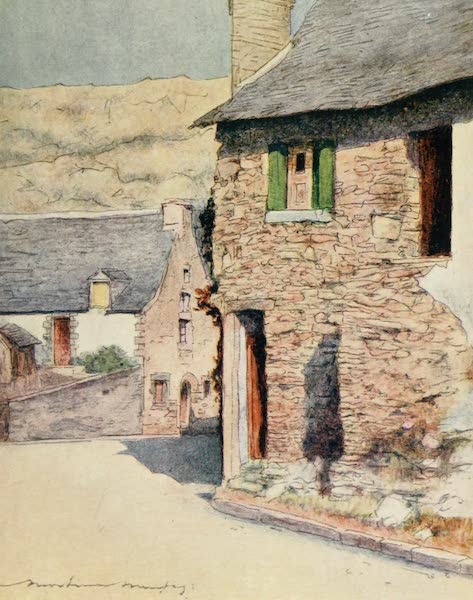 | At Rochefort-en-Terre
|
![At Rockcliffe Park [II]](https://historyarchive.org/images/books/books-o/ottawa-and-vicinity-1900/plates/31-at-rockcliffe-park-II.jpg) | At Rockcliffe Park [II]
|
![At Rockcliffe Park [I]](https://historyarchive.org/images/books/books-o/ottawa-and-vicinity-1900/plates/30-at-rockcliffe-park-I.jpg) | At Rockcliffe Park [I]
|
 | At S. Michele, Rapallo
|
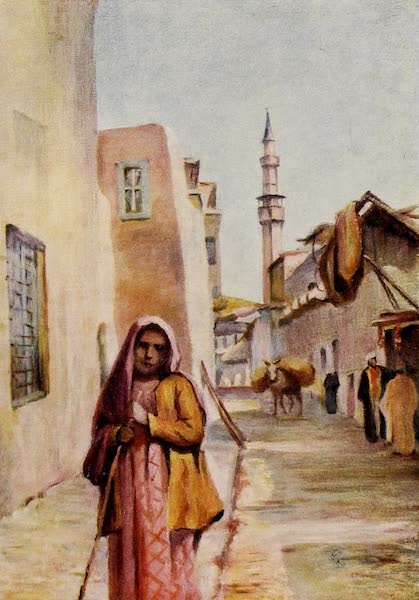 | At Salehiyeh
|
 | At the Back of the Organ Mountains on the Way to Novo Friburgo
|
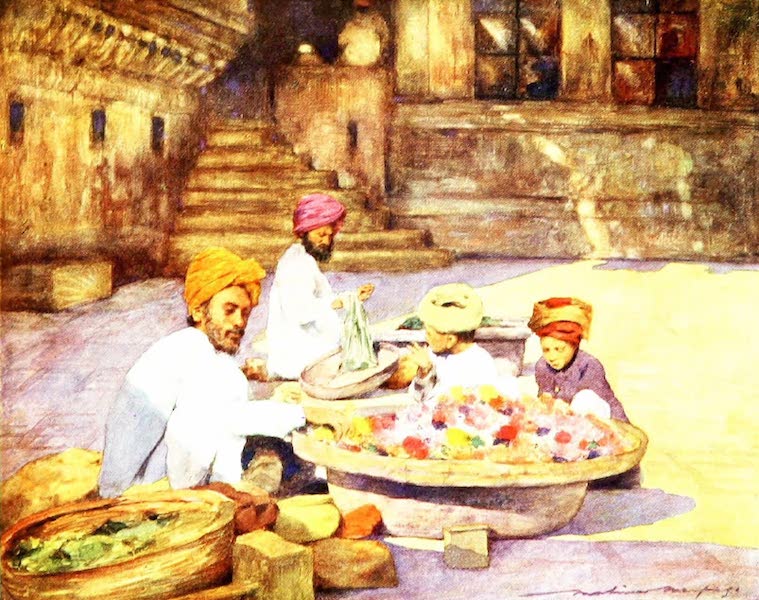 | At the Door of the Temple
|
 | At the Edge of the Pool
|
 | At the Edge of the Pool
|
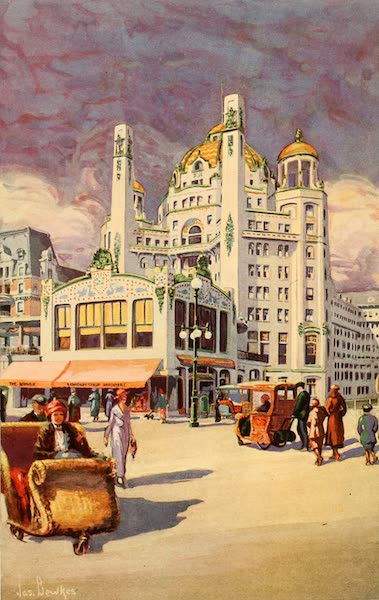 | At the Entrance of the Marlborough-Blenheim
|
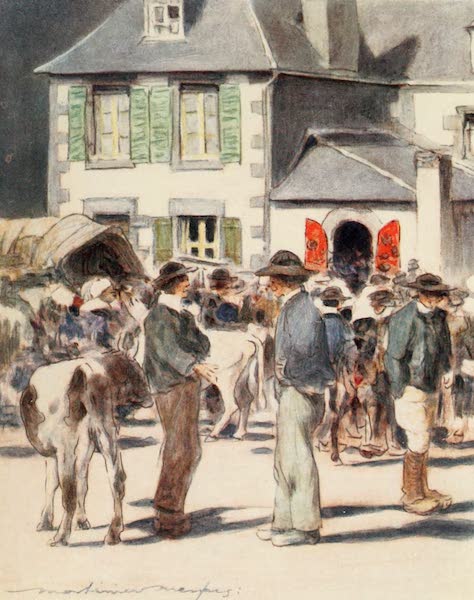 | At the Foire
|
 | At the Foot of Lake Te-Anau
|
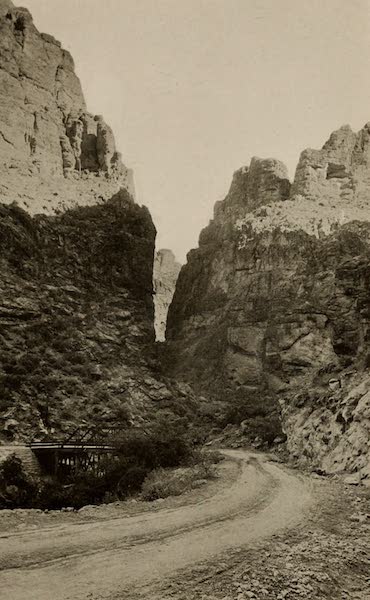 | At the Foot of the Fish Creek Grade, on the Apache Trail
|
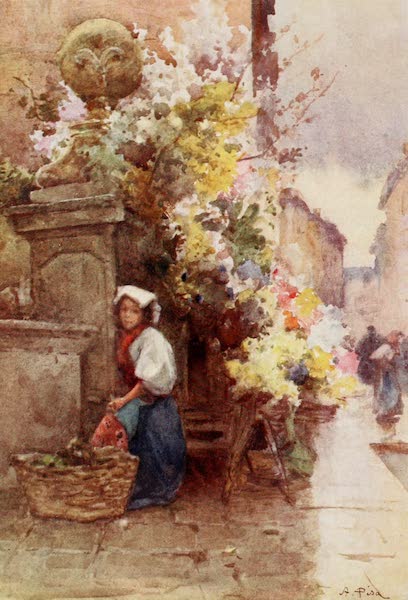 | At the Foot of the Spanish Steps, Piazza di Spagna, on a Wet Day
|
 | At the Fountain, Concarneau
|
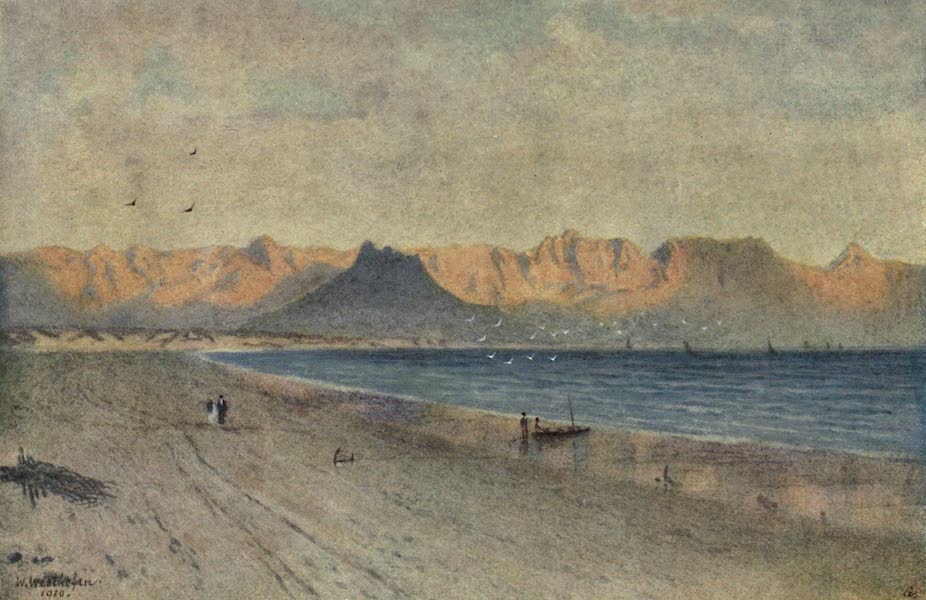 | At the Head of False Bay
|
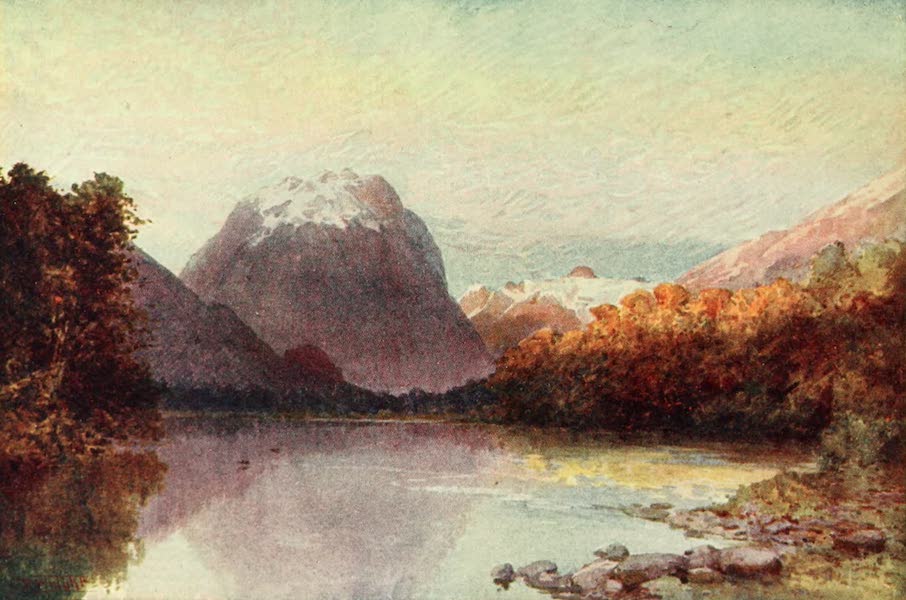 | At the Head of Lake Te-Anau
|
 | At the Head of Lake Wakatipu
|
 | At the Kermesse, Adinkerque
|
 | At the Mouth of Kittewan Creek
|
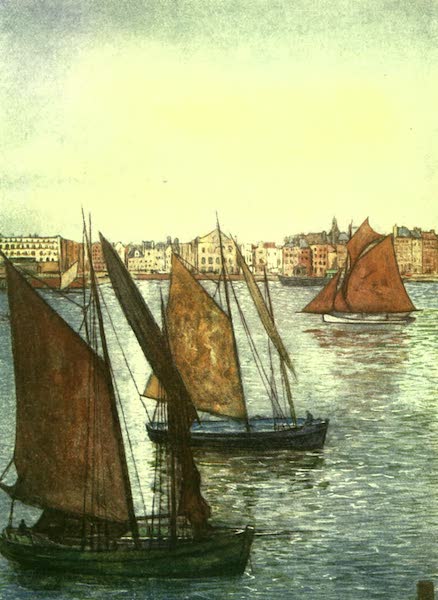 | At the mouth of the Seine, Havre
|
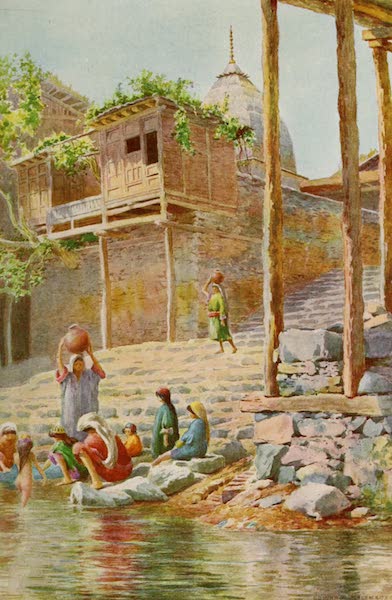 | At the River's Edge, Srinagar
|
 | At the Shrine of the Parent Tree
|
 | At the Steps of a Palace
|
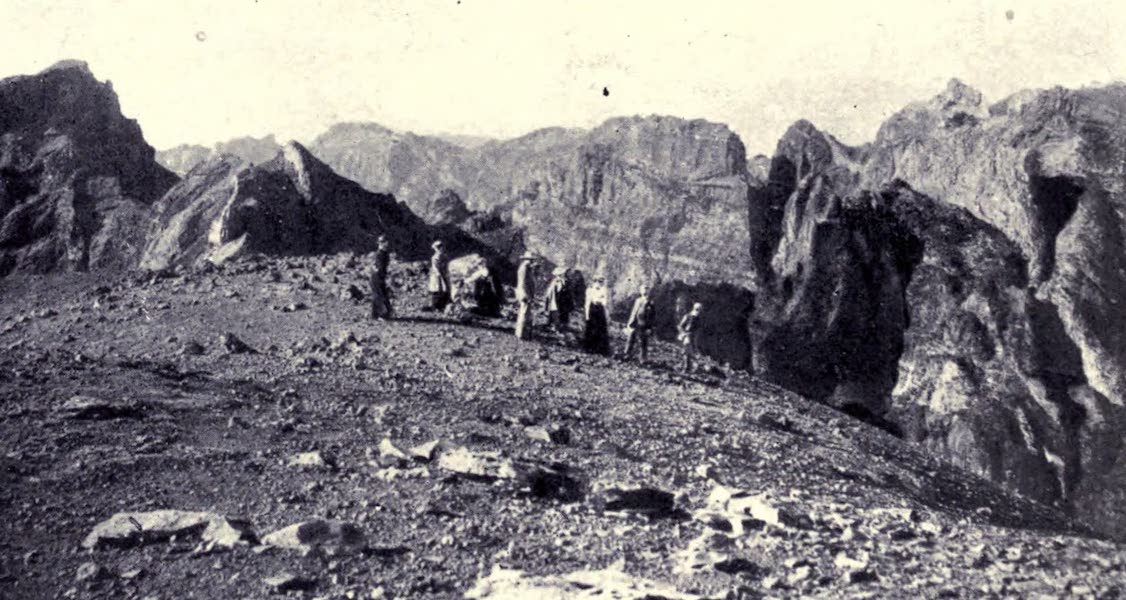 | At the Top of Pico Arriero
|
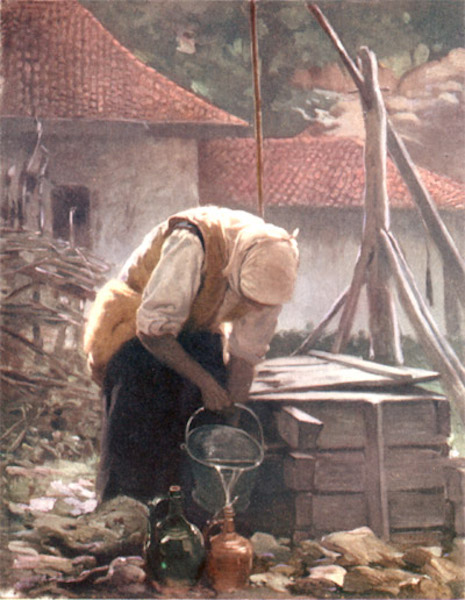 | At the Well
|
 | At the Well
|
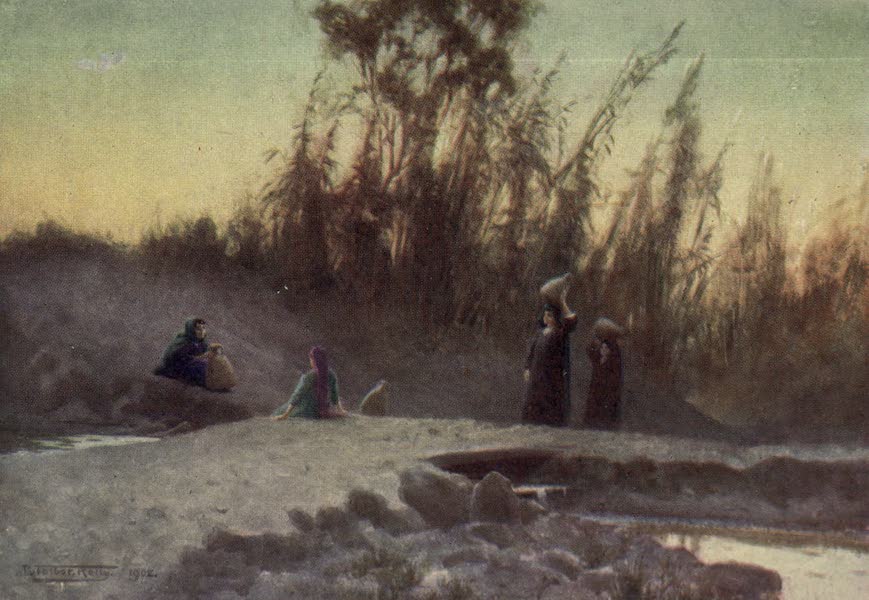 | At the Well
|
 | At the Well
|
 | At the Well of Acoma
|
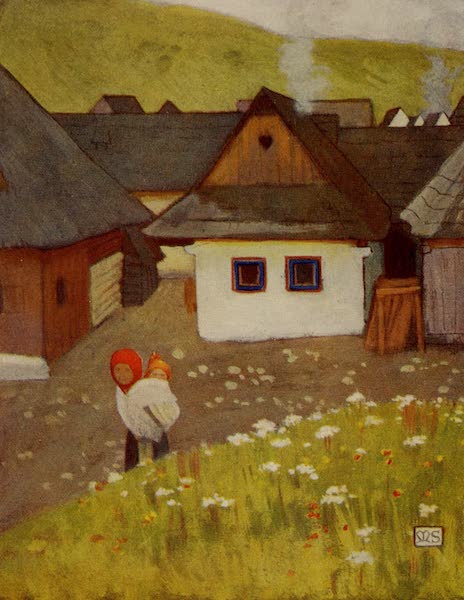 | At Vazsecz
|
 | At Volendam
|
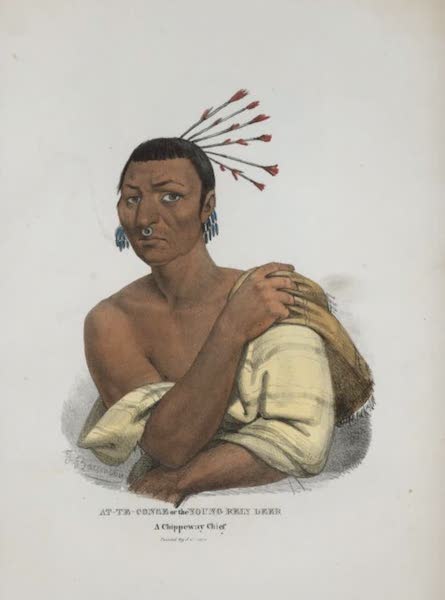 | At-te-conse or the Young Rein Deer, a Chippeway Chief
|
 | Atahalipa defait et prisonnier
|
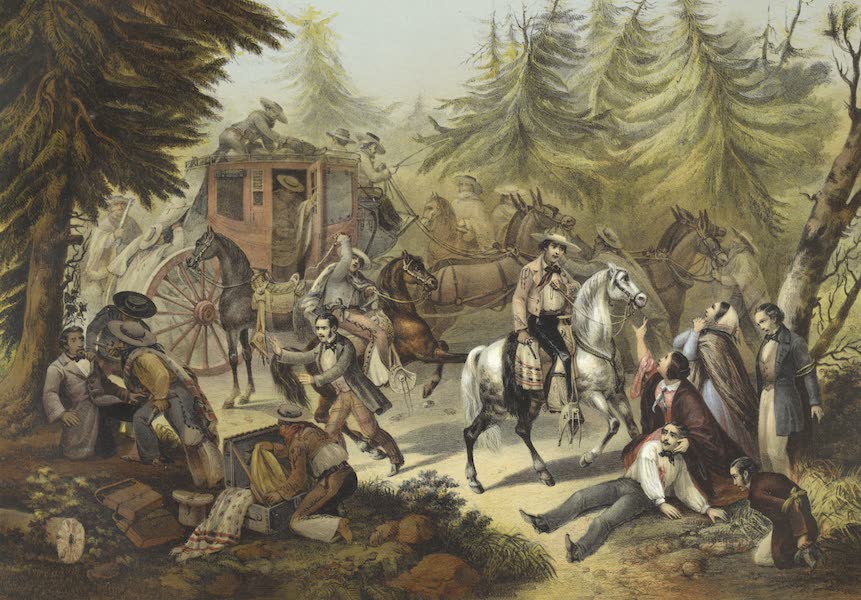 | Ataque de Una Diligencia
|
 | Ataraipu, or Devil's Rock
|
 | Ataraipu, the Devil's Rock
|
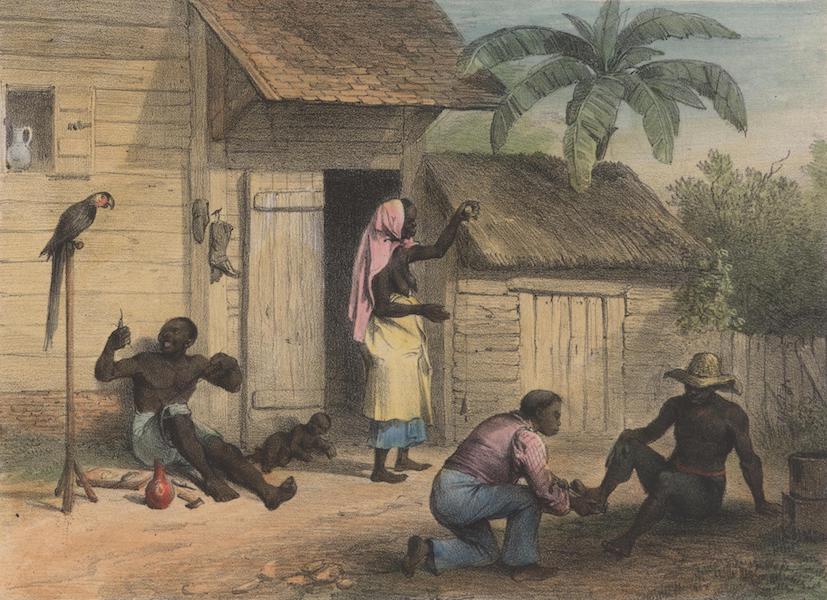 | Atelier d'un cordonnier; a gauche, une vieille negresse filant du coton; a droite, un negre libre se faisant prendre mesure de soulier; au milieu, un esclave travaillant a une chaussure
|
 | Athelhampton, Dorsetshire
|
 | Athen mit dur Akropolis
|
 | Athene Gorgolopha (marble)
|
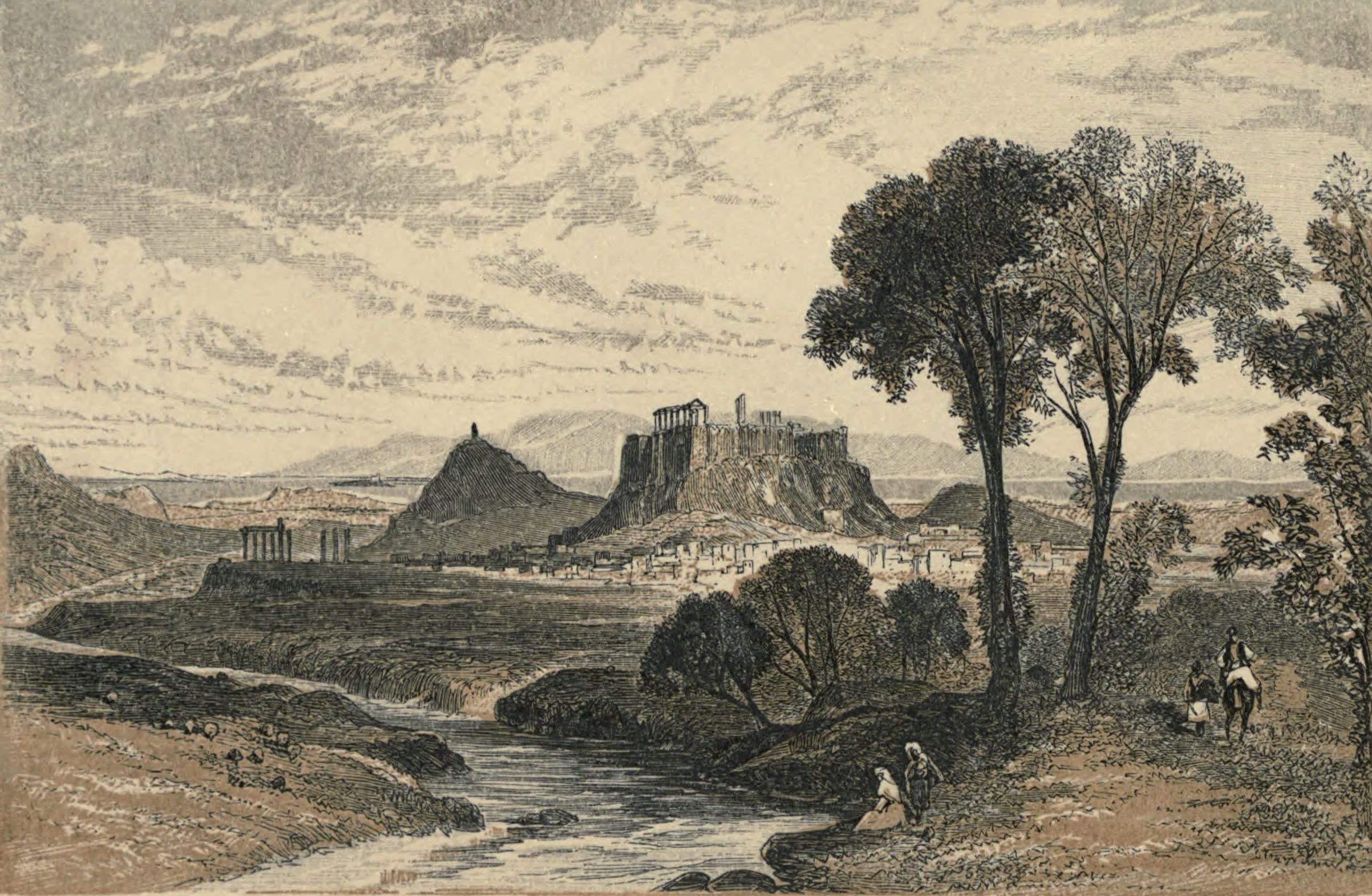 | Athens
|
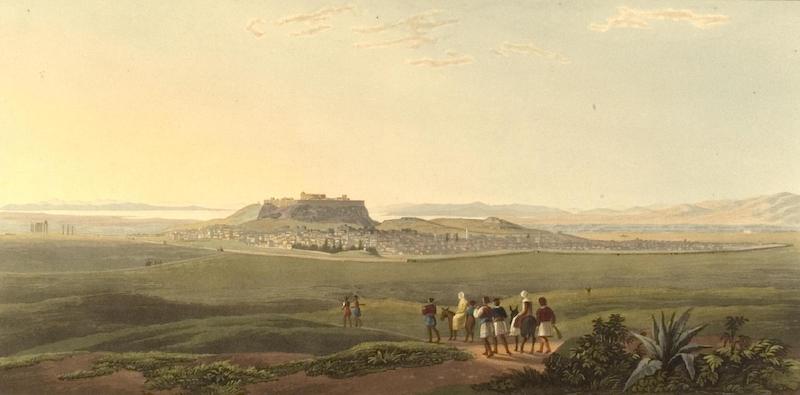 | Athens from the Foot of Mount Anchesmus
|
 | Athens from the Road to Eleusis
|
 | Athens, from the foot of Mt Anchesmus
|
 | Athens. The Monument of Agrippa and the Pinacotheca
|
 | Athletes luttant
|
 | Athletes persans en excercice
|
 | Athlumny Castle, Co. Meath
|
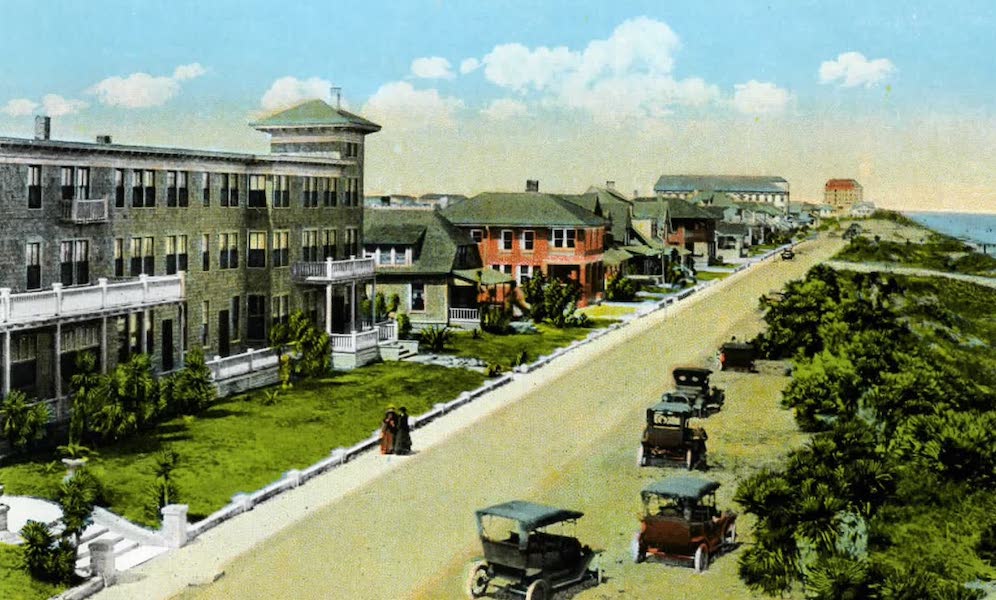 | Atlantic Avenue, Daytona Beach
|
![Atlantic City Residential Home [II]](https://historyarchive.org/images/books/books-a/atlantic-city-the-worlds-play-ground-1922/plates/29-atlantic-city-residential-home-II.jpg) | Atlantic City Residential Home [II]
|
![Atlantic City Residential Home [I]](https://historyarchive.org/images/books/books-a/atlantic-city-the-worlds-play-ground-1922/plates/28-atlantic-city-residential-home-I.jpg) | Atlantic City Residential Home [I]
|
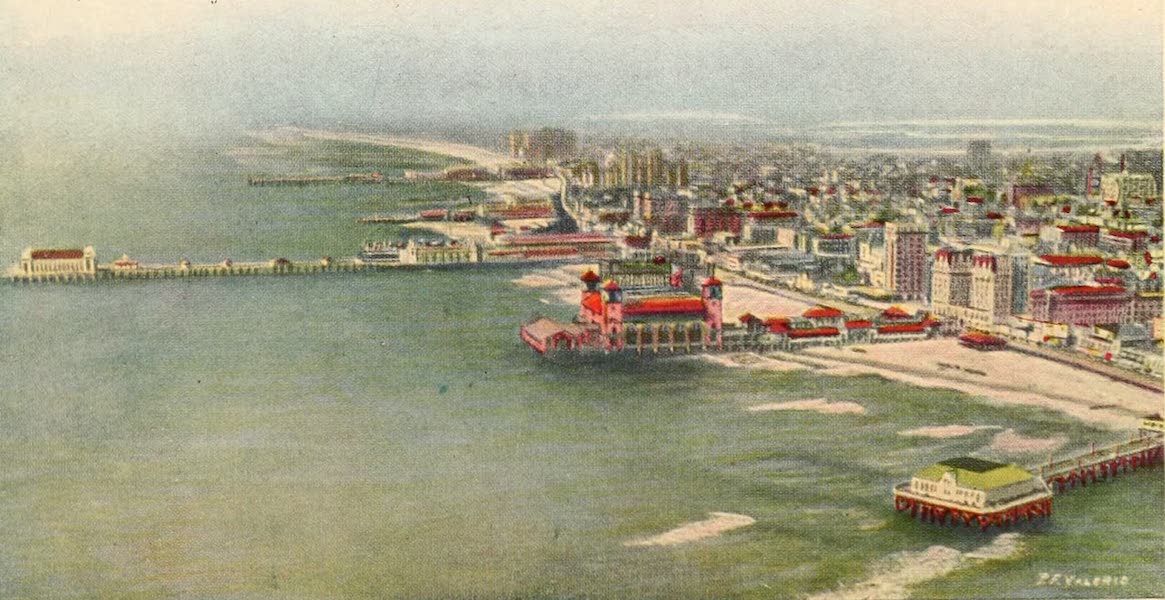 | Atlantic City's Mighty Piers
|
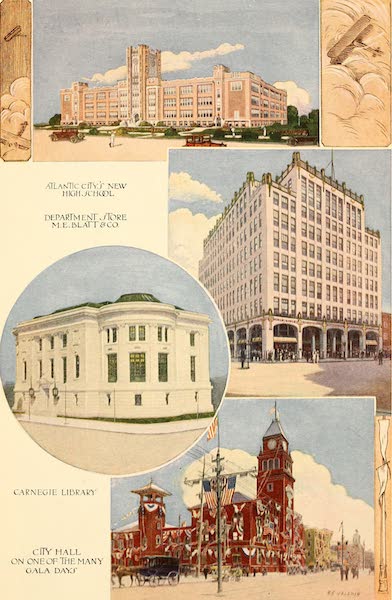 | Atlantic City's New Highschool | Department Store Me Blatt and Co. | Carnegie Library | City Hall one one of many Gala Days
|
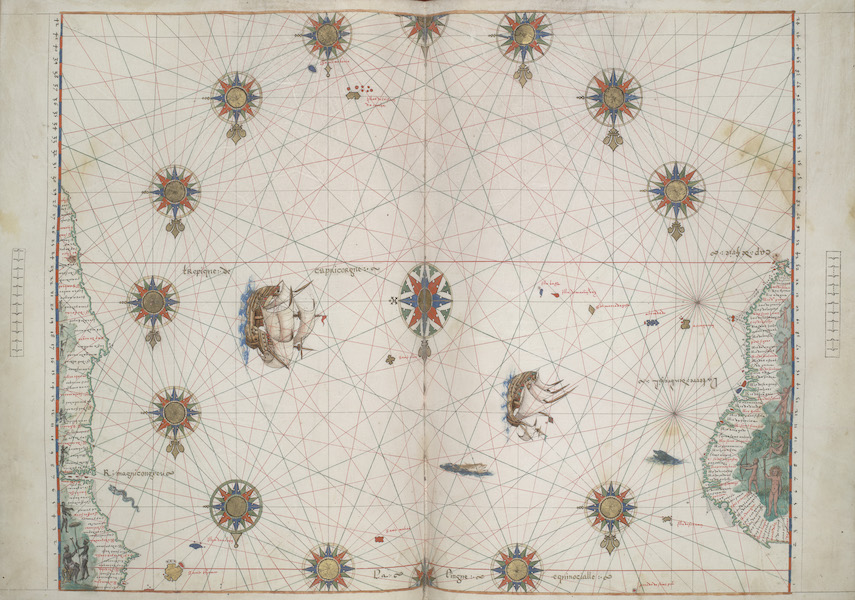 | Atlantic Ocean with coast of Africa and Brazil
|
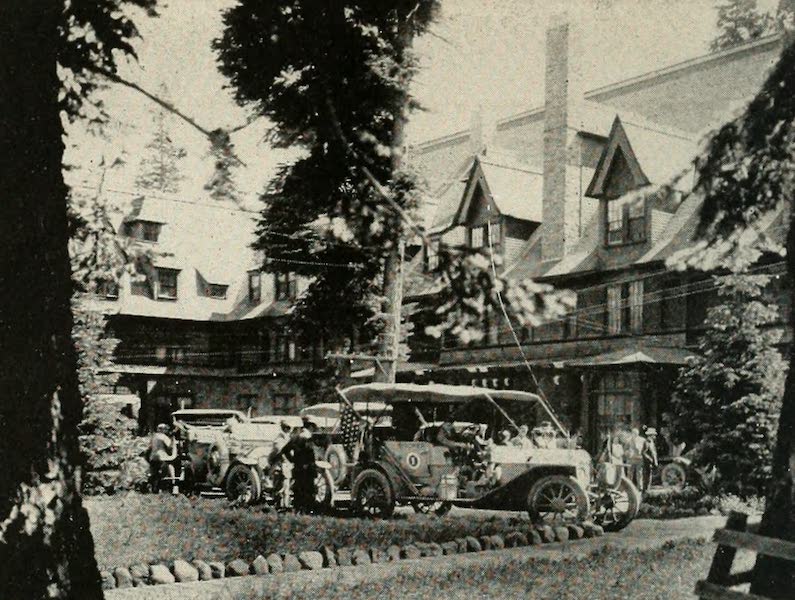 | Atlantic to Pacific Automobile Party, Premier Tour, 1911, Stopping at Tahoe Tavern
|
 | Atlantique sud
|
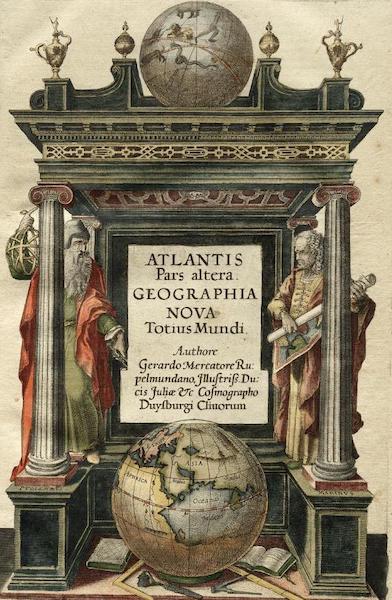 | Atlantis pars Altera Geographia Nova Toius Mundi
|
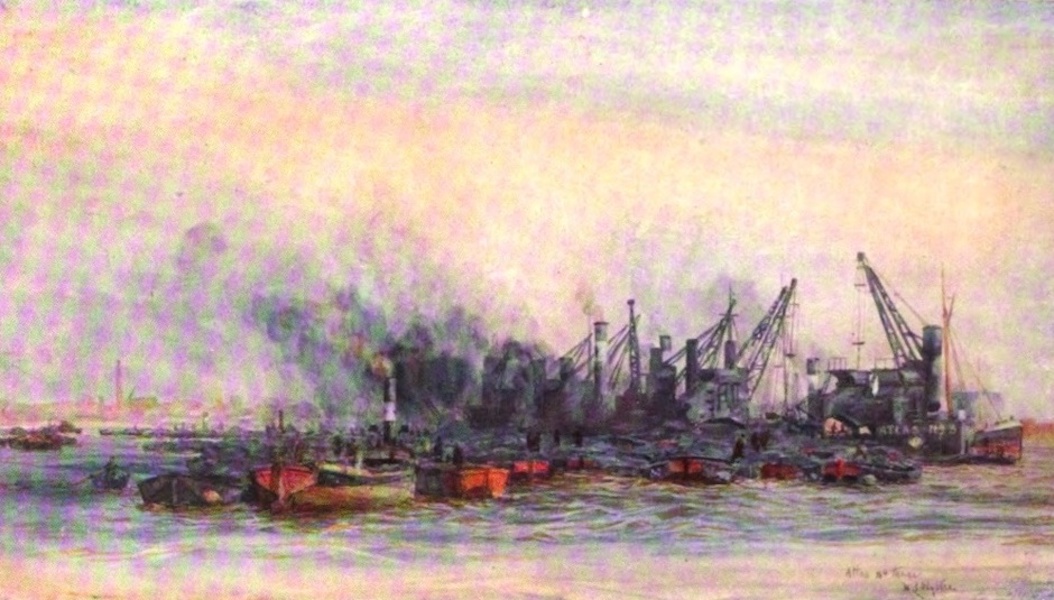 | Atlas No. 3
|
 | Atmaran" Hindoo of Peshawar
In September 1841, Rattray received a note from the British Political Agent in Kabul, Alexander Burnes, asking him to prepare for the visit of Atmaram, the prime minister of Mir Murad Beg and ruler of Kunduz. Originally from Peshawar, Atmaram was a Hindu of humble origins who had risen to Dewan Beg of Kunduz by talent and skill. Also in his favour was his ability to read and write, in an age when most Uzbegs were illiterate. Splendidly attired in Uzbeg style (he was the first Hindu permitted to sport turban and cummerbund), he retained his red Hindu caste mark on his forehead. He had on many occasions used his influence with Murad Beg to save Burnes and other British officials from death or imprisonment on their travels. Rattray wrote of Atmaram as "a sly-looking old fellow, countenance beaming with cunning and intellectual fire", and noted that he had "never betrayed his master's trust". |
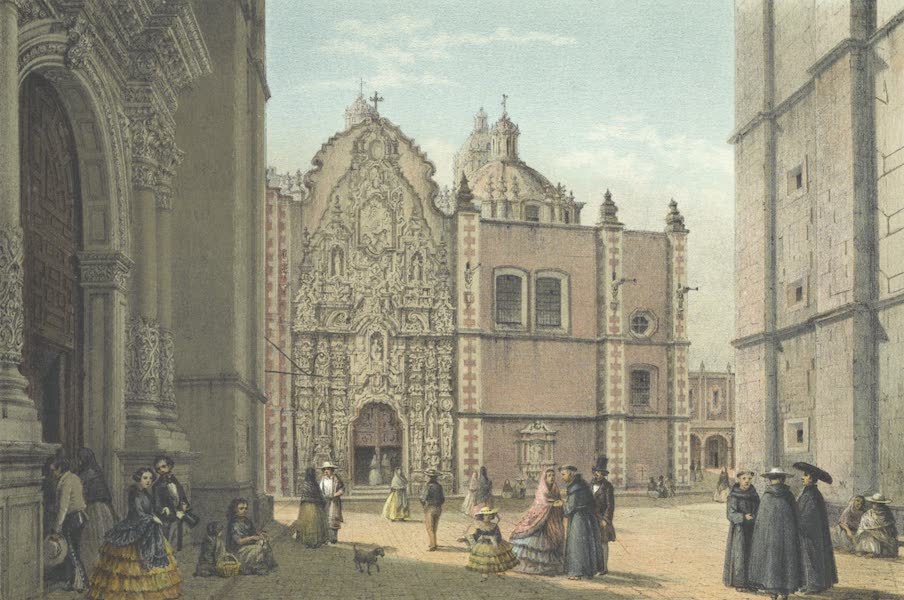 | Atrio del Convento de San Francisco 1860 (I)
|
 | Atrio del Convento de San Francisco 1860 (II)
|
 | Attack and Capture of Chuen-pee
|
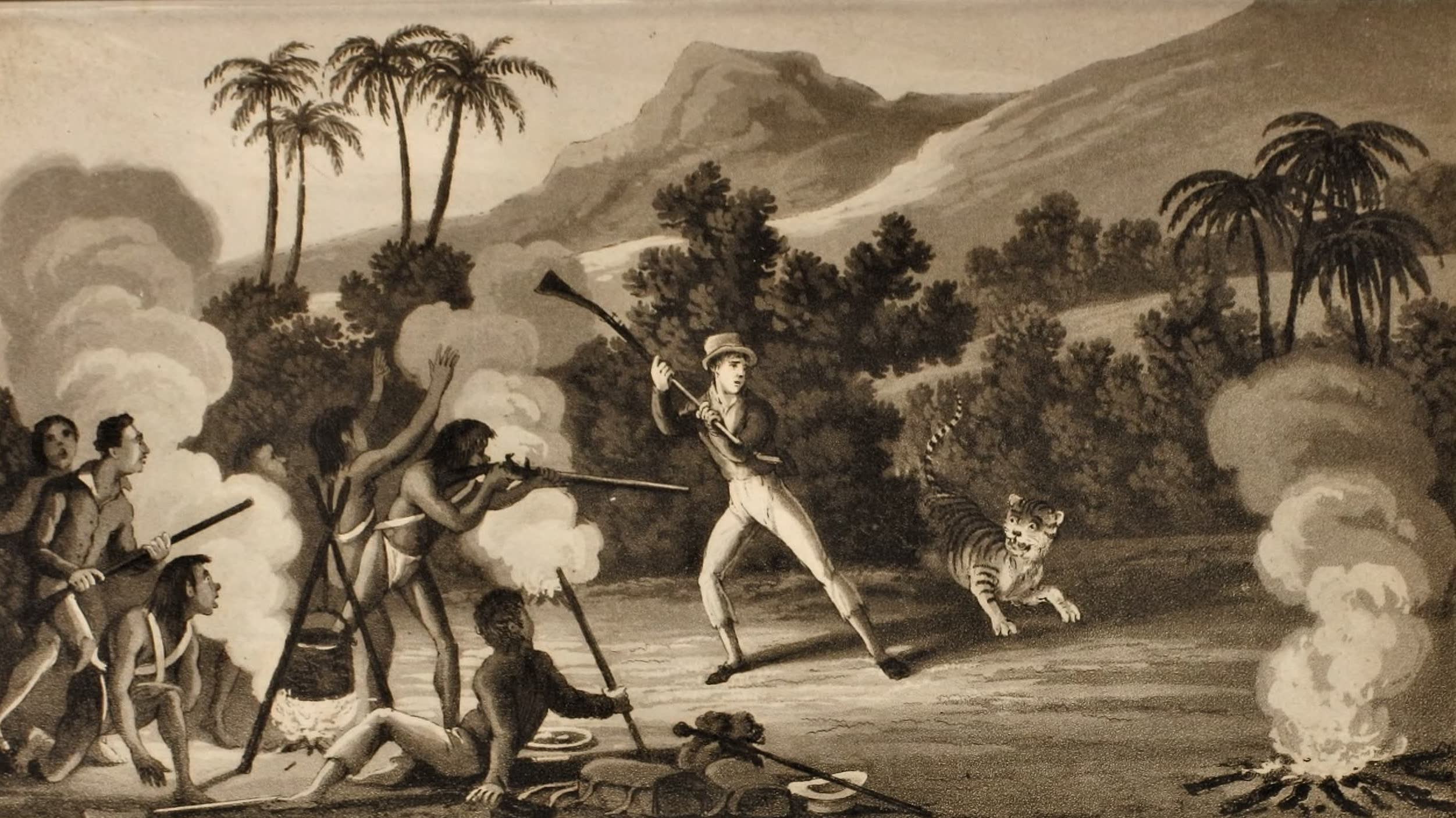 | Attack by a Tiger
|
 | Attack of the Castle of Burgos, 1812
|
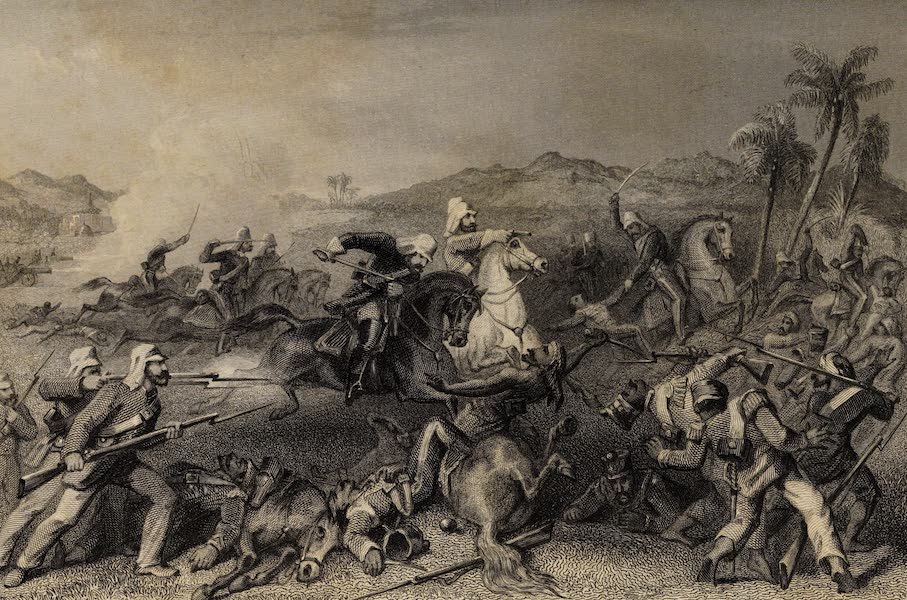 | Attack of the Sealkote Mutineers by General Nicholson's Irregular Cavalry
|
 | Attack of the Seminoles on the Block House
|
 | Attack on Saint-Charles
|
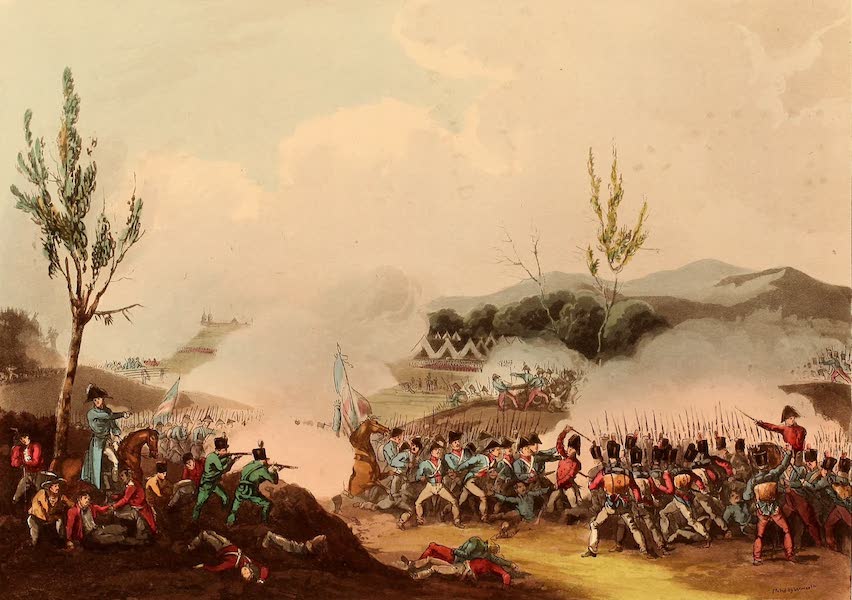 | Attack on the Road to Bayonne - Dec 13th 1813
|
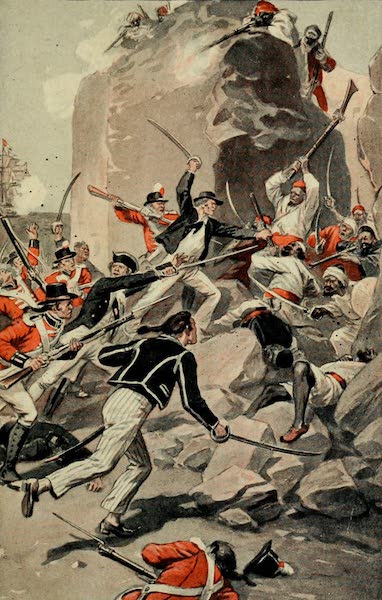 | Attacking a Pirate Stronghold
|
 | Attacking the Grizzly Bear
|
 | Attacking the Red Coats on their Return to Boston
|
 | Attah
|
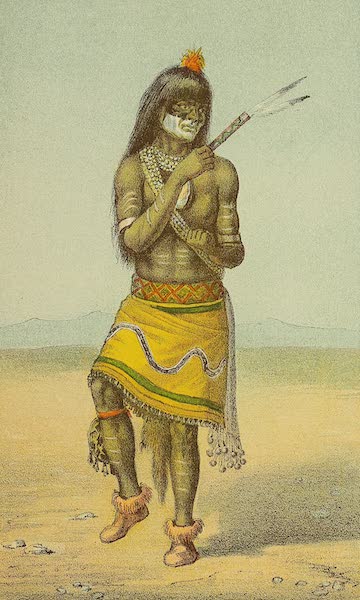 | Attendant fanning snake
|
 | Attilius Regulus (? Philetairus of Pergamum : marble)
|
 | Auchmuty House, Roxbury
|
 | Auckland
|
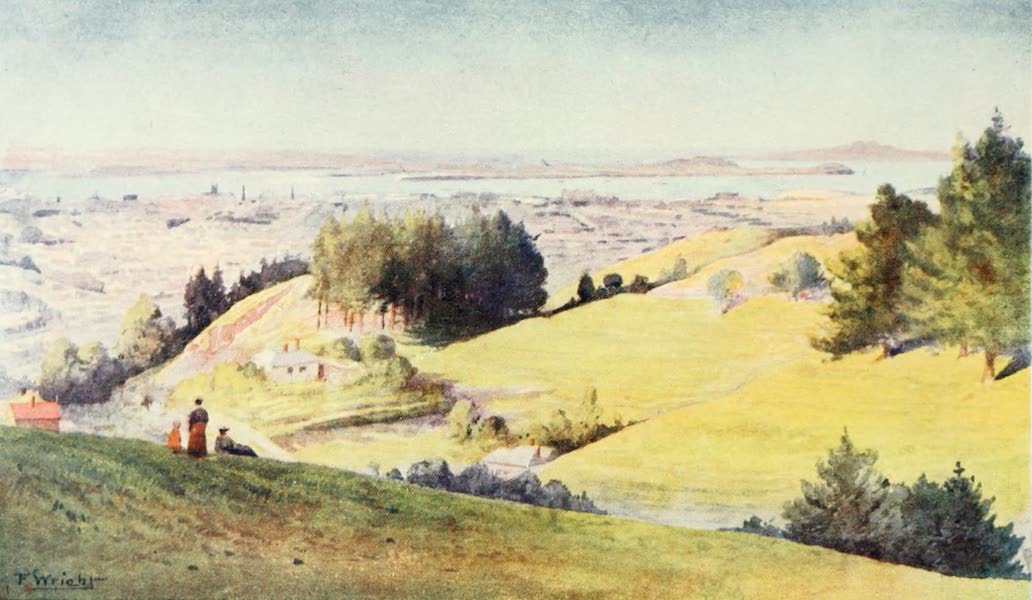 | Auckland
|
 | Auction Square at Gibraltar
|
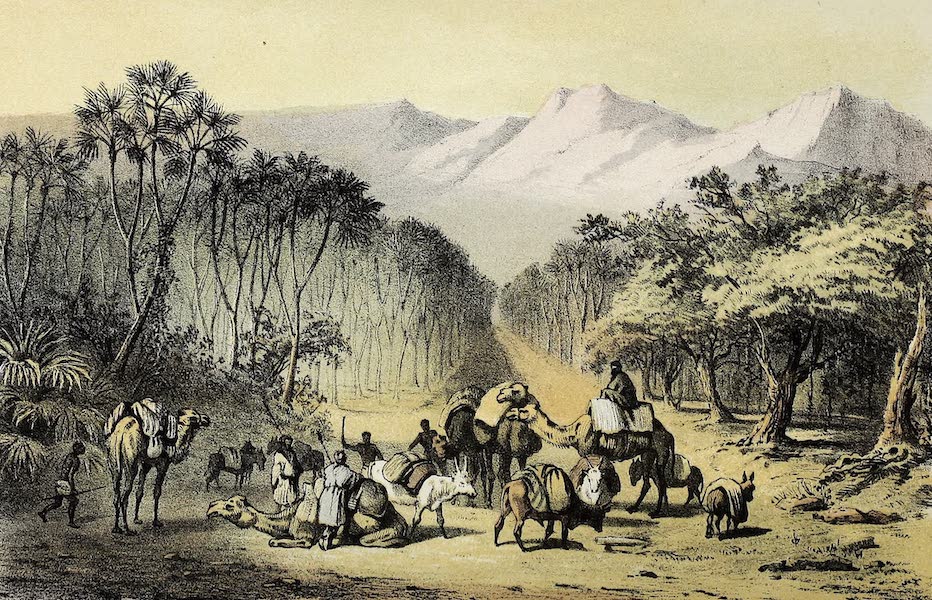 | Auderas
|
 | Audience donnee aux Hollandais etc
|
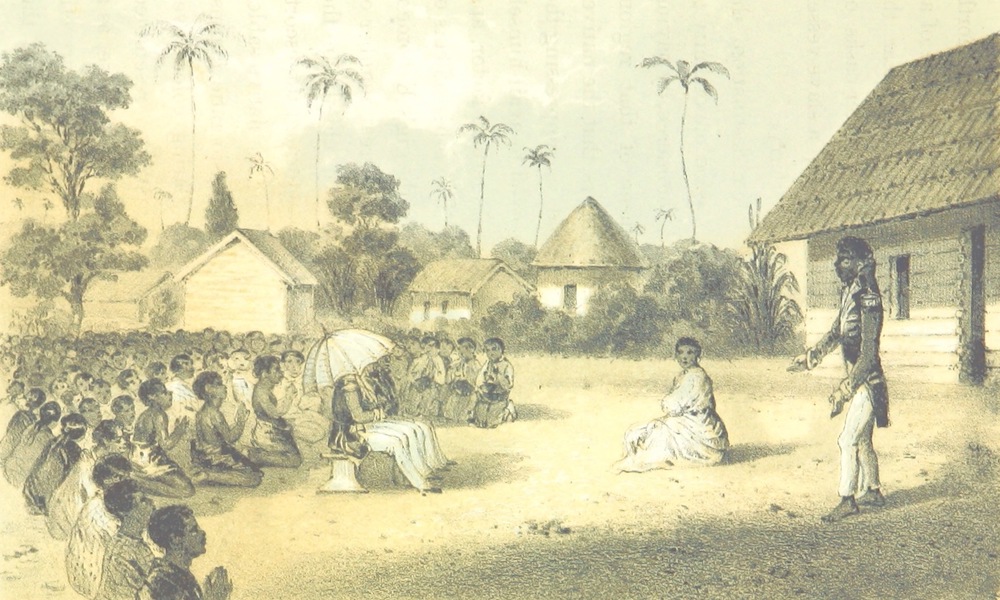 | Audience to the Perry's Officers by the Queen Of Ambrizette
|
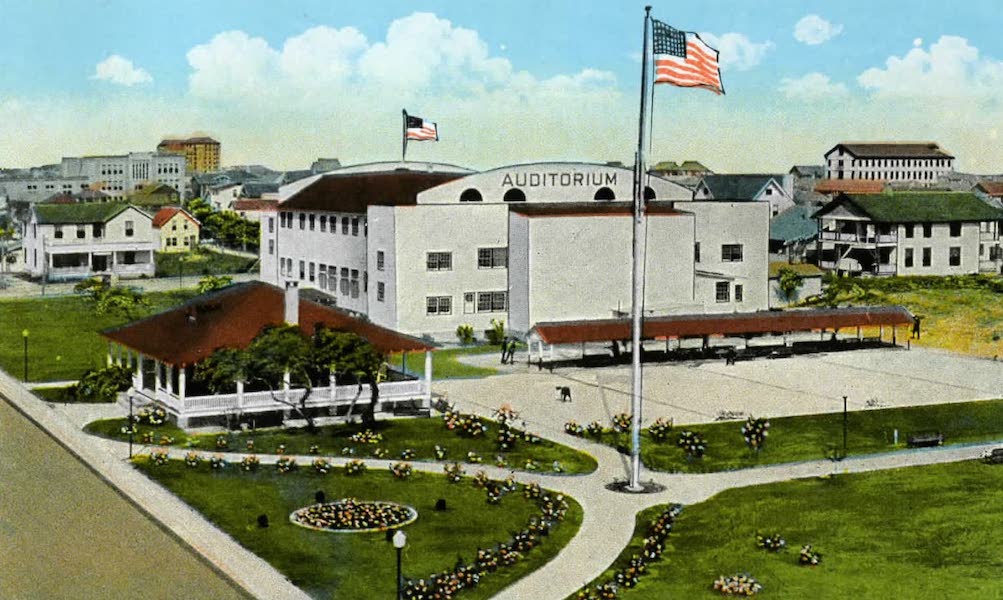 | Auditorium and Tourists Headquarters, Daytona Beach
|
 | Auditorium Hotel and Theatre (Michigan Ave., Congress St. and Wabash Ave.)
|
 | Audley End
|
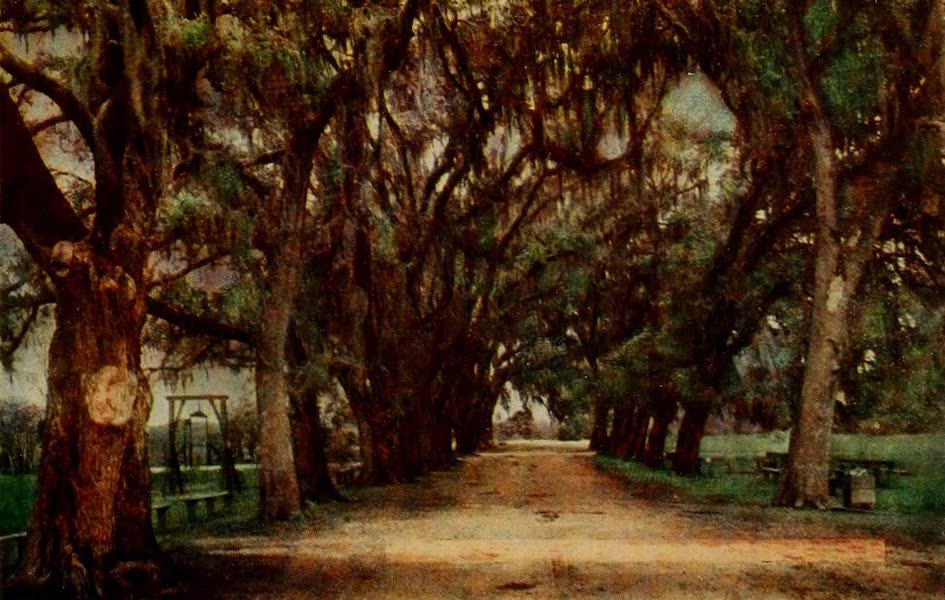 | Audubon Park
|
 | Augure
|
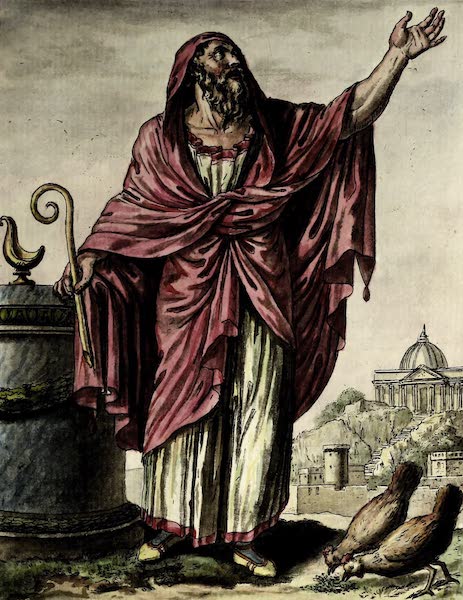 | Augure romain
|
 | August at Holyrood House, Spalding
|
 | Augusteum. (Universitat)
|
 | Augustusplatz
|
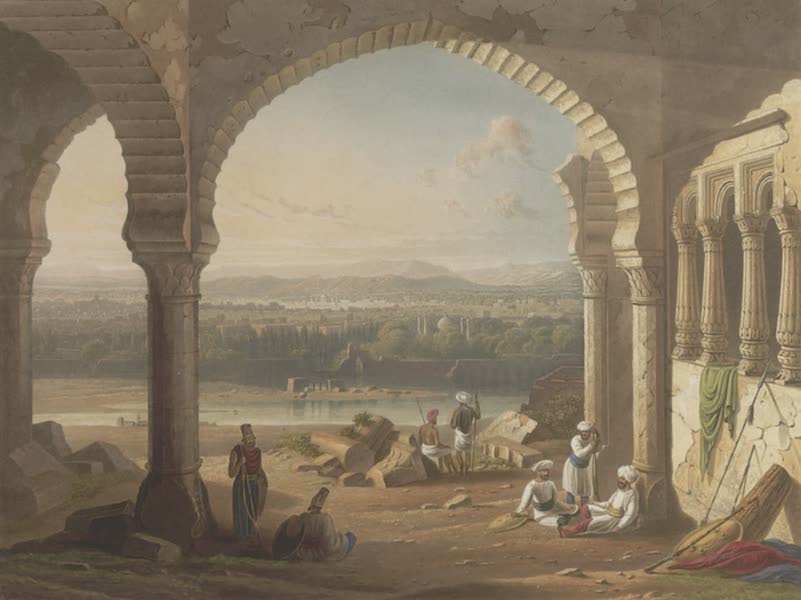 | Aurangabad from the ruins of Aurungzebe's Palace, drawn in 1813
This is plate 28 of Robert Melville Grindlay's 'Scenery, Costumes and Architecture chiefly on the Western Side of India". Grindlay (1786-1877) was in the service of the East India Company and also worked as an artist. During his stay in India, Grindlay made a large collection of sketches and drawings. This plate shows a distant view of Aurangabad, which was the centre of local government and the headquarters for the troops of the Nizam of Hyderabad State even after he moved from there in 1811. Grindlay explains: "The area seen from the ruined palace was called Begumpura, or the Lady's Quarter, and was named after Aurungzebe's daughter, who was buried there. The cupola and minarets of her tomb are to the centre right." |
 | Aurengzebes Mosque at Benares
|
 | Aurore Boreale
|
 | Aurungzebes Tomb, Rozah
|
 | Ausable Chasm
|
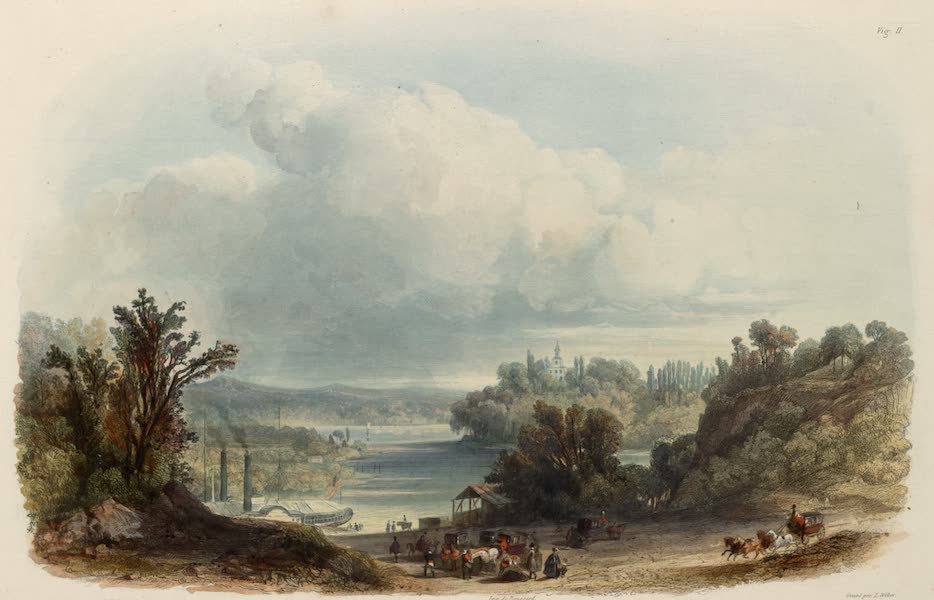 | Aussicht auf den Delaware bei Bordentown. / Vue du Delaware prés de Bordentown. / View of the Delaware near Bordentown.
|
 | Aussicht von der Berea Nach dem Umgeni Thal
|
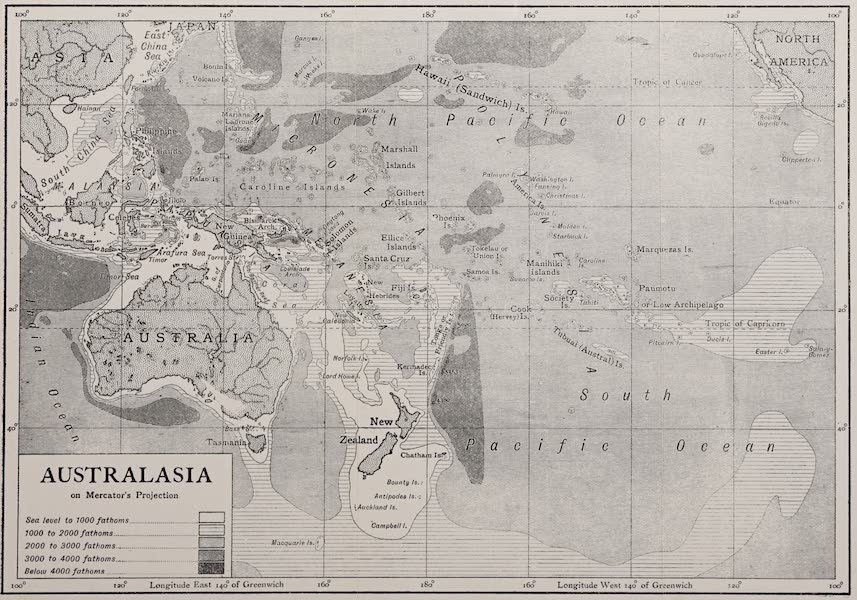 | Australasia on Mercators Projection
|
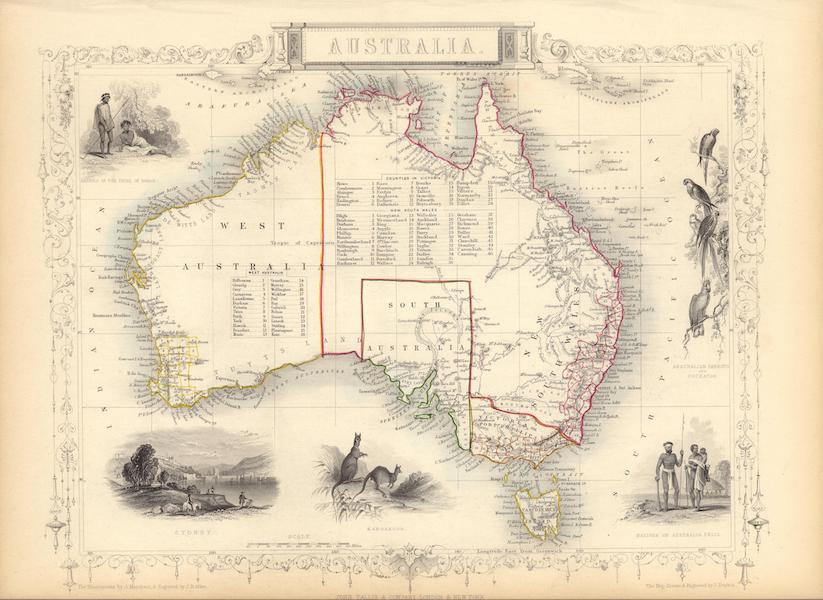 | Australia
Country divided into numbered counties with included legend. Counties and country in outline color. Drawings depict birds, kangaroos, local people and Sydney harbor. Decorative border. |
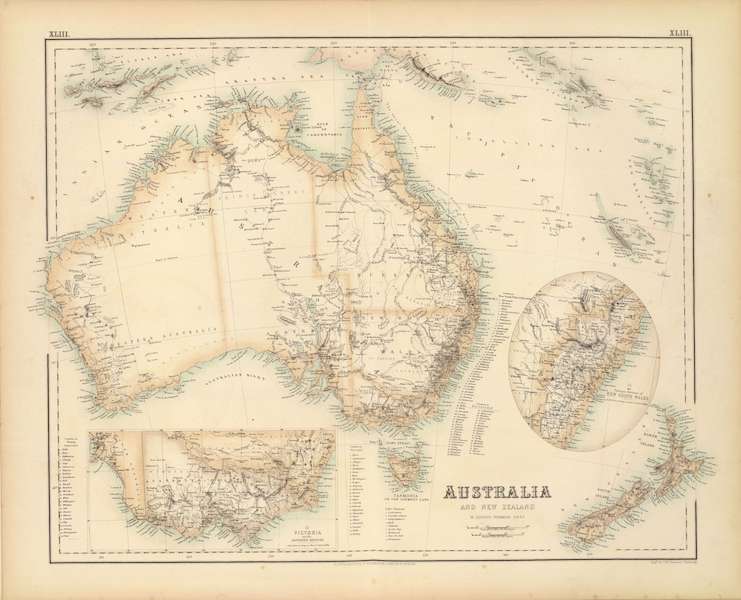 | Australia and New Zealand
|
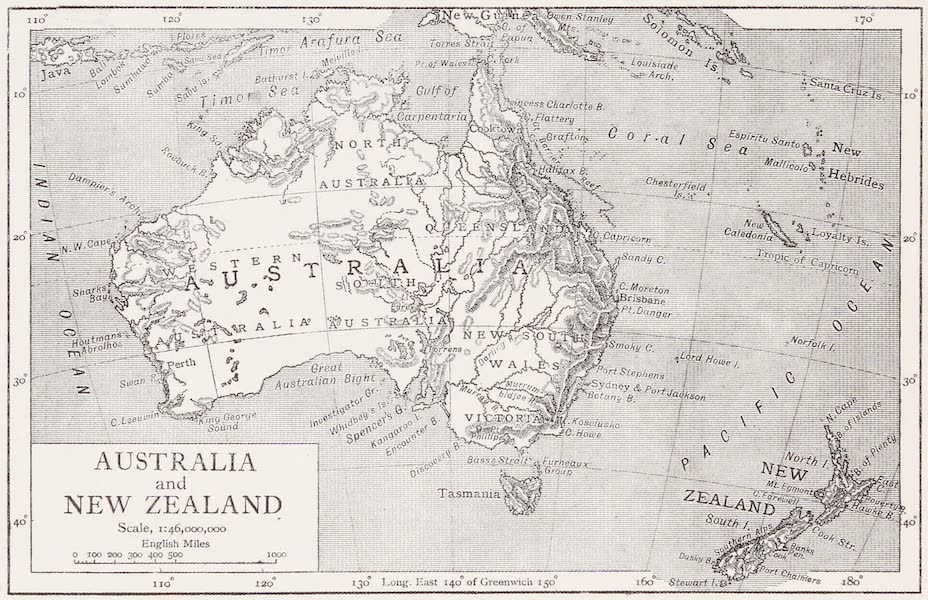 | Australia and New Zealand
|
 | Australian Aboriginals Fishing
|
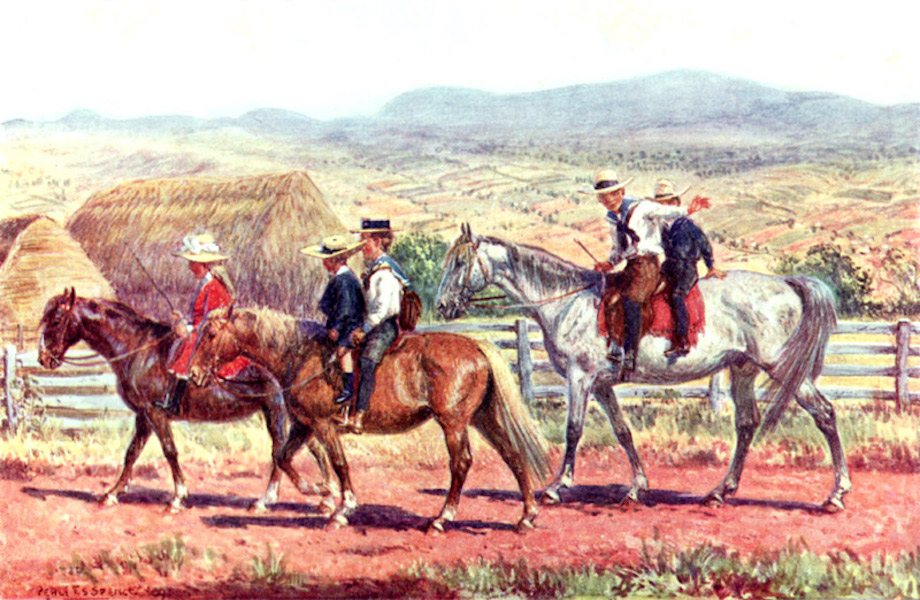 | Australian Children Riding to School
|
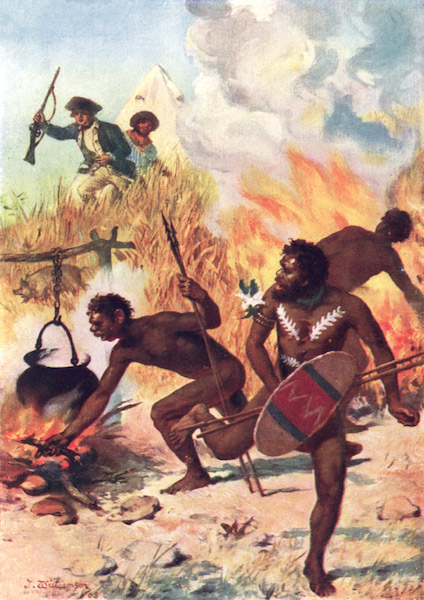 | Australian Natives in Captain Cook's Time
|
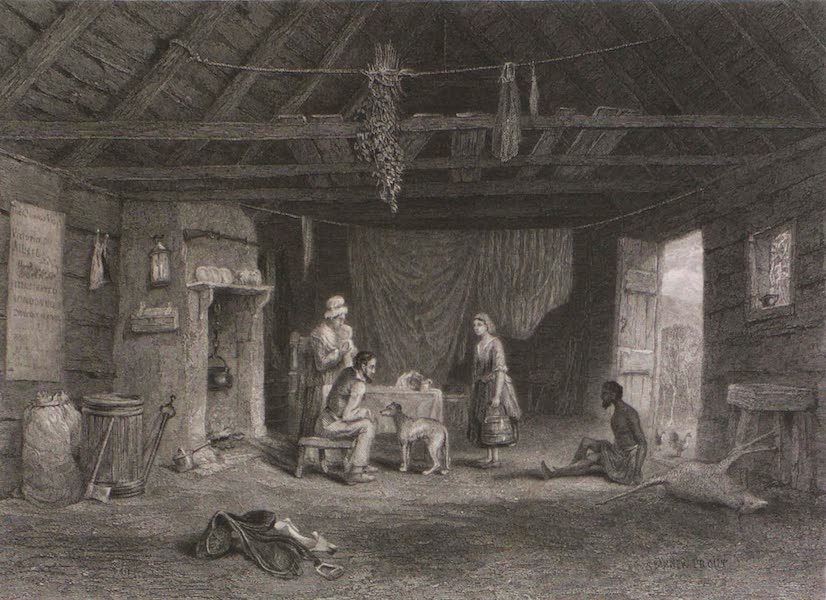 | Australian Shepherd's Hut
|
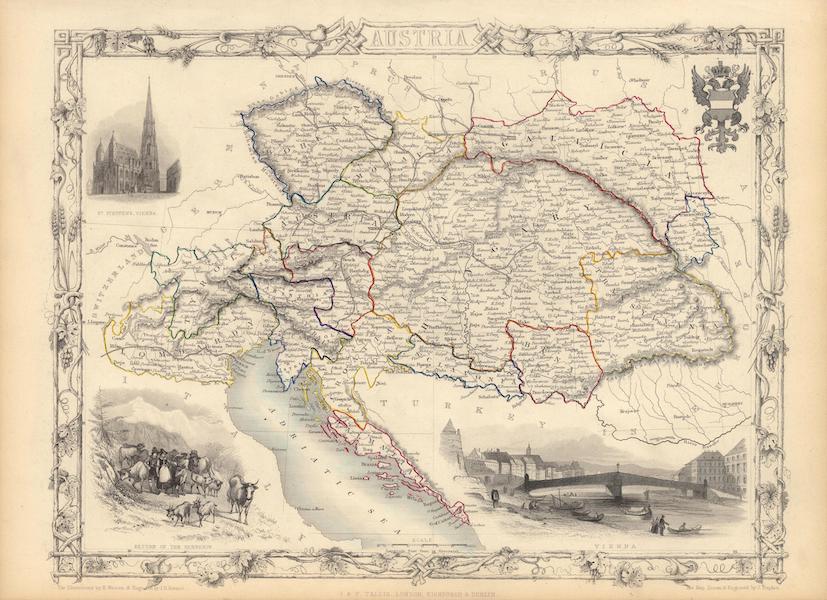 | Austria
Country in outline color by region. Illustrations include Vienna, St. Stephens Church and the return of the Sennerin. Vines with grapes and wheat encircle the map. |
 | Austria
|
 | Austria No. 1
|
 | Austria No. 2 (Austrian Sculpture)
|
 | Austria-Hungary Map
|
 | Austriae
|
 | Austrian Empire
|
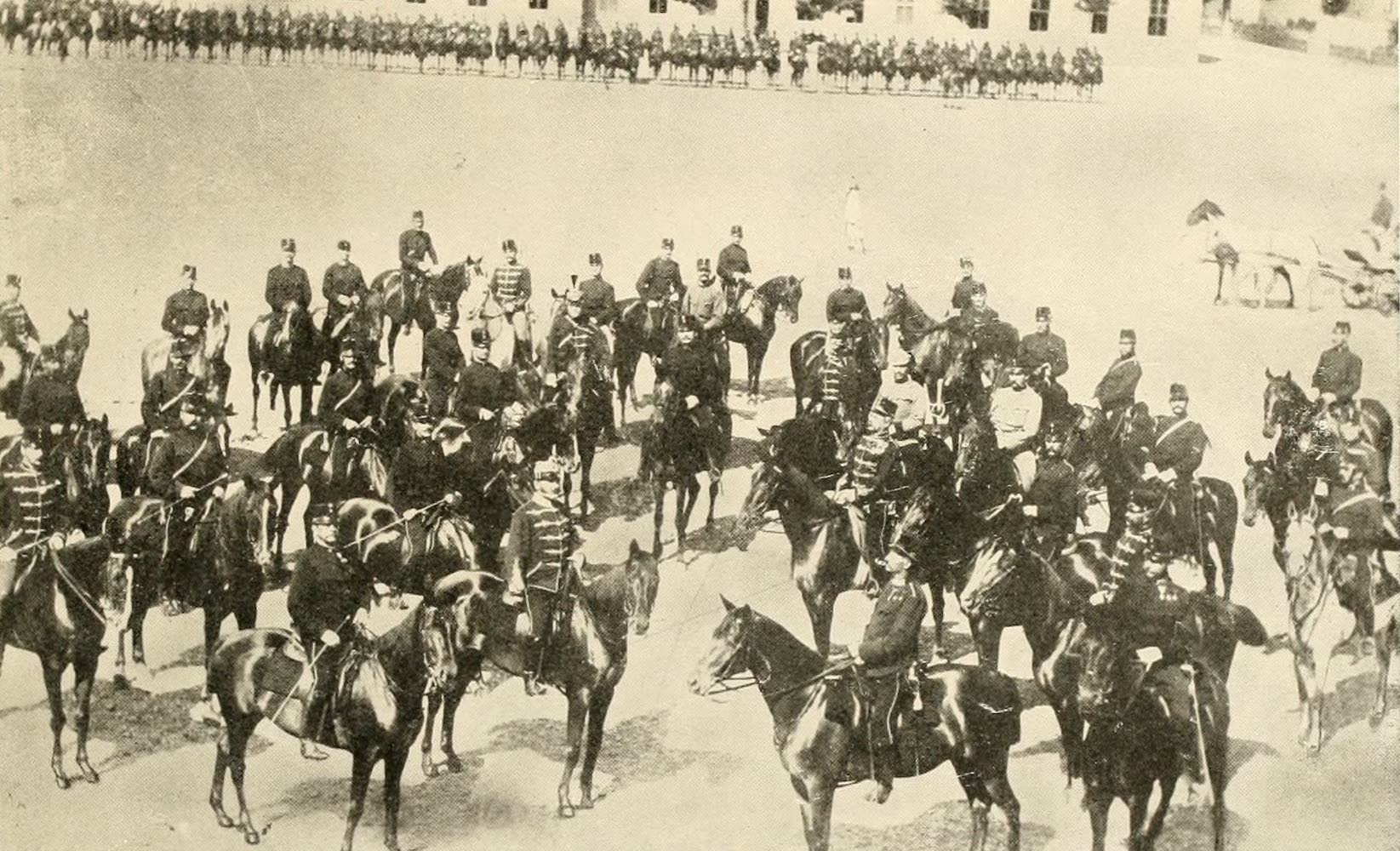 | Austrian Huzzars on Seryian Frontier
|
 | Austrian National Anthem
|
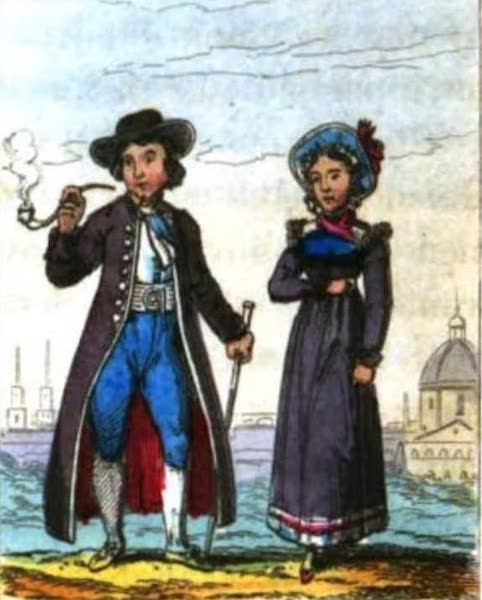 | Austrians
|
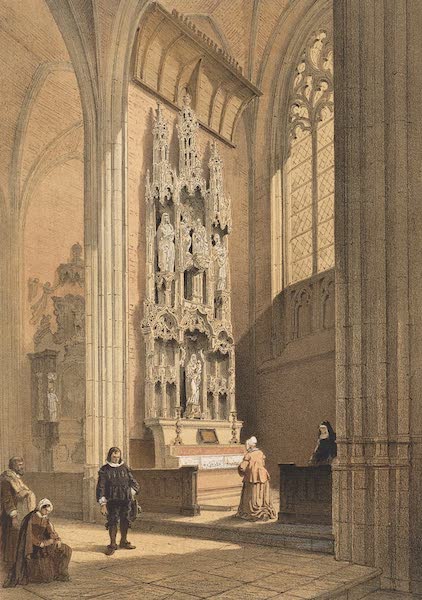 | Autel dans l'Eglise de Ste. Waudru a Mons
|
 | Autel de l'Eglise Notre Dame a Hal
|
 | Autels, vases, pateres et autres ustensiles sacres
|
 | Author's Camp, Nepal
|
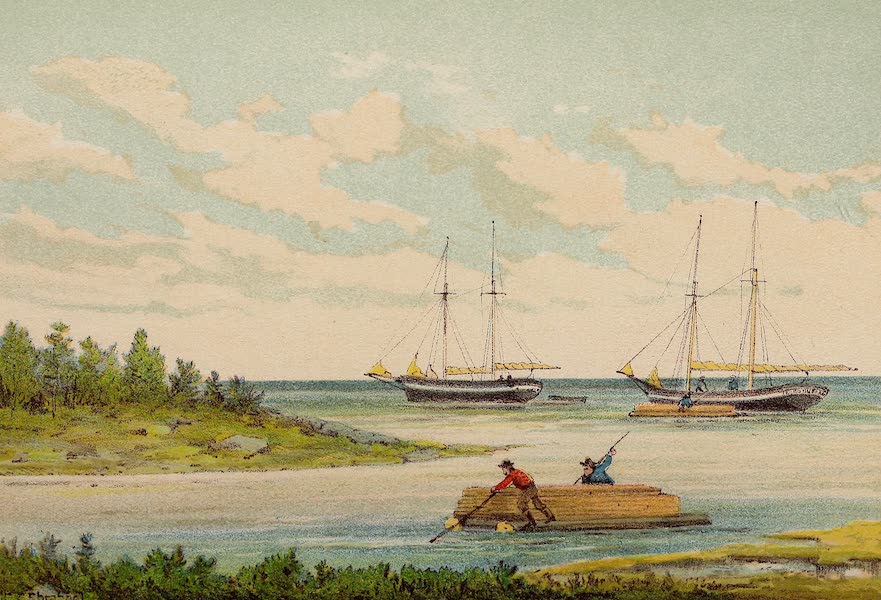 | Author's Father loading his schooners with lumber by rafting on Lake Ontario.
|
 | Author's Tents, A Camp in Nepal
|
 | Auto Parade, Vernon, B.C.
|
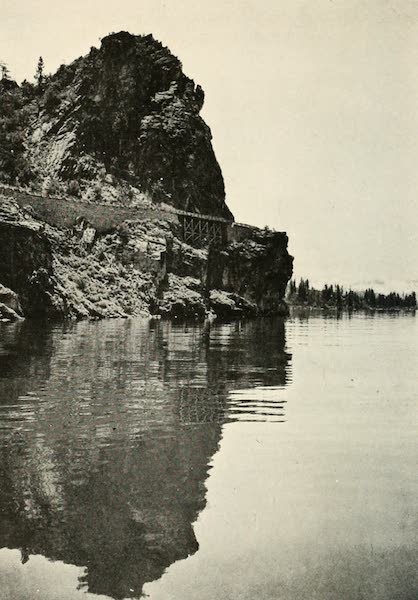 | Automobile Road Around Cave Rock, Lake Tahoe
|
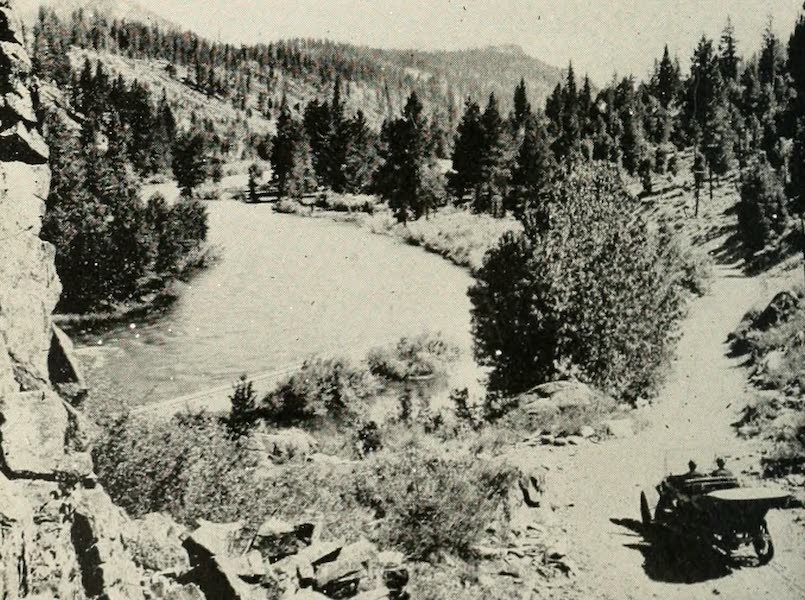 | Automobiling along the Picturesque Truckee River, on the way to Lake Tahoe
|
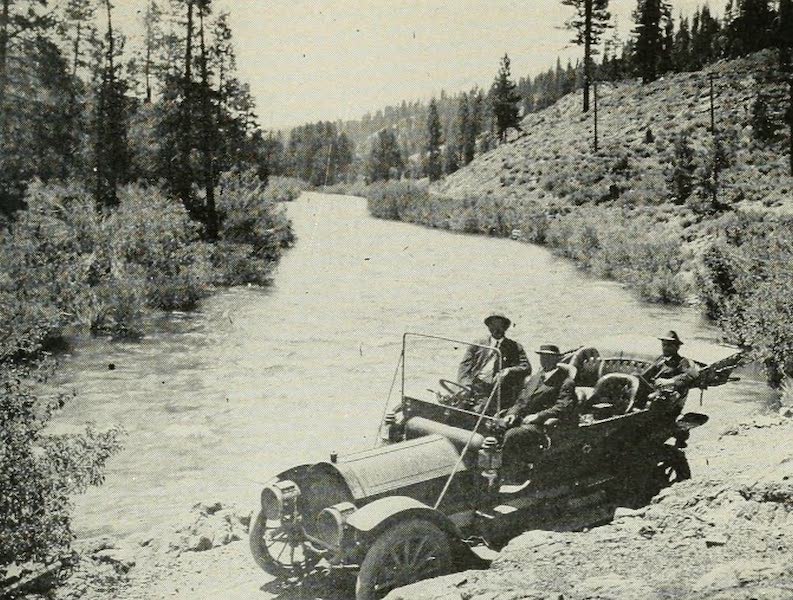 | Automobiling along the Truckee River
|
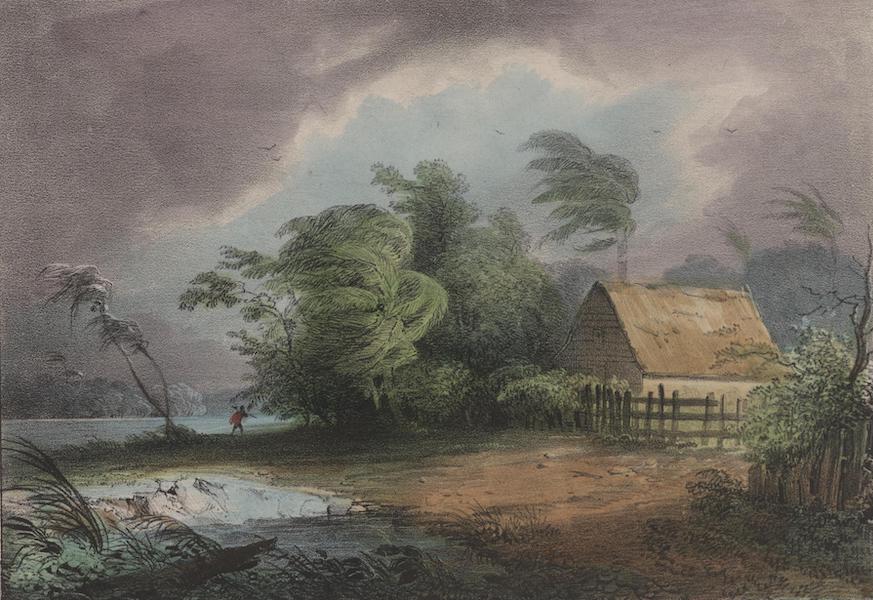 | Autre habitation de negres
|
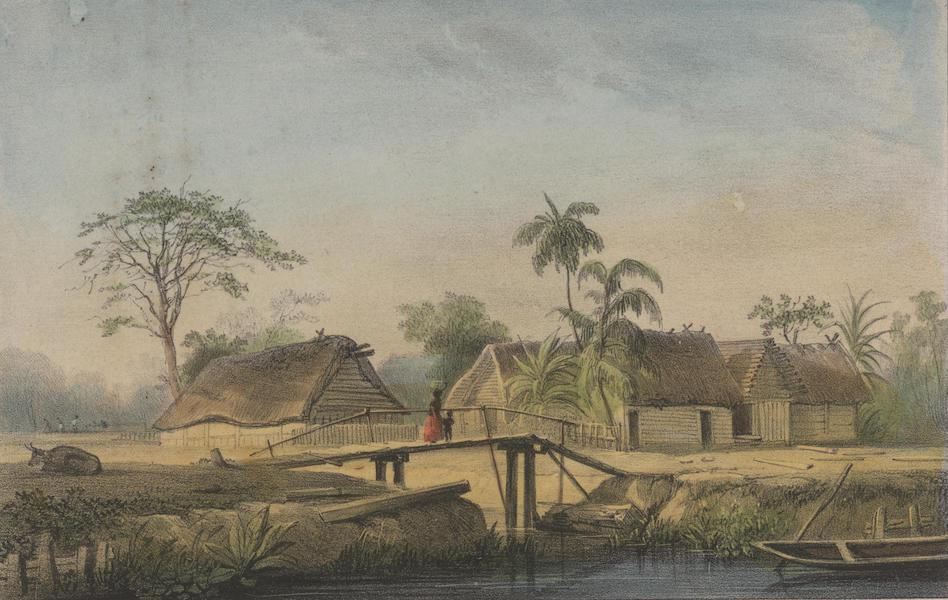 | Autre maison de planteur
|
 | Autres manieres de se vetir decrites par Dapper etc
|
 | Autumn in New Brunswick
|
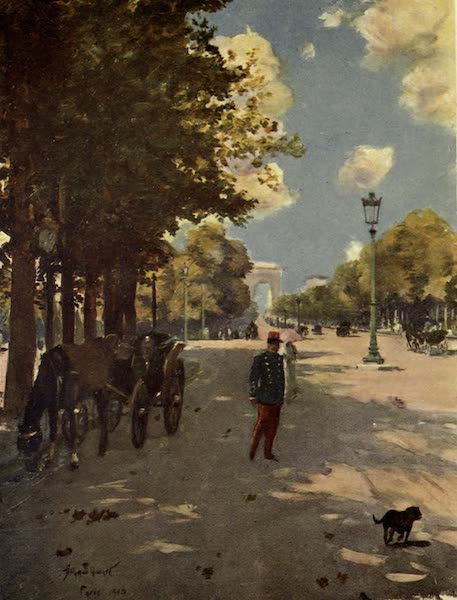 | Autumn in the Champs Elysees, Paris
|
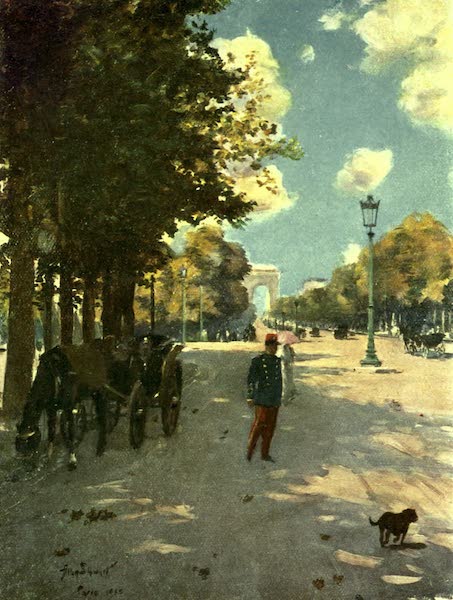 | Autumn in the Champs Elysees, Paris
|
 | Autumn in the Highlands
|
 | Autumn on Lake of Bays, Muksoka
|
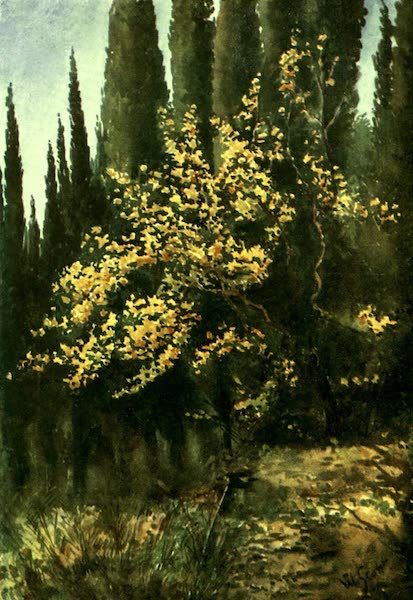 | Autumn Tints in the Cypress Valley
|
 | Autumn Weeds, Chilworth
|
 | Auxerre
|
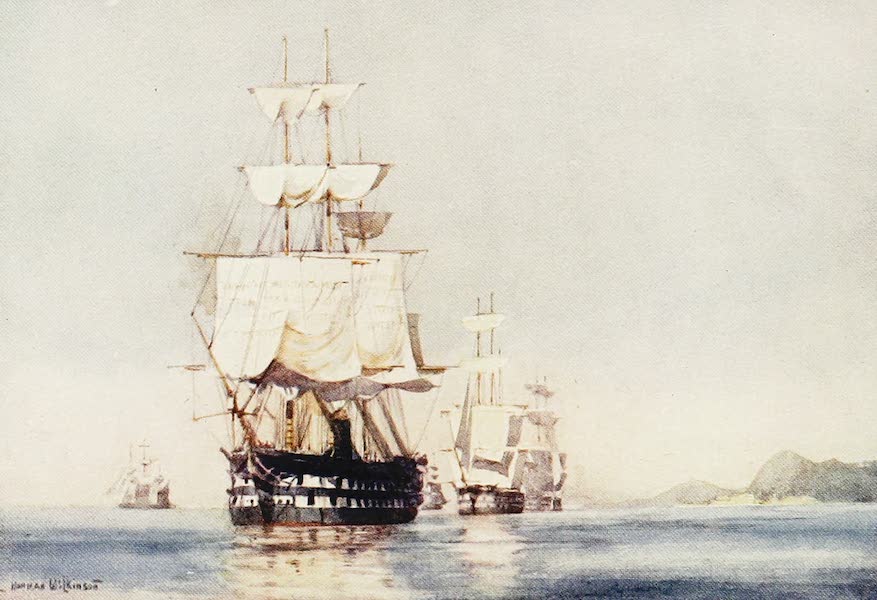 | Auxiliary Steam Battleships
|
 | Ava
|
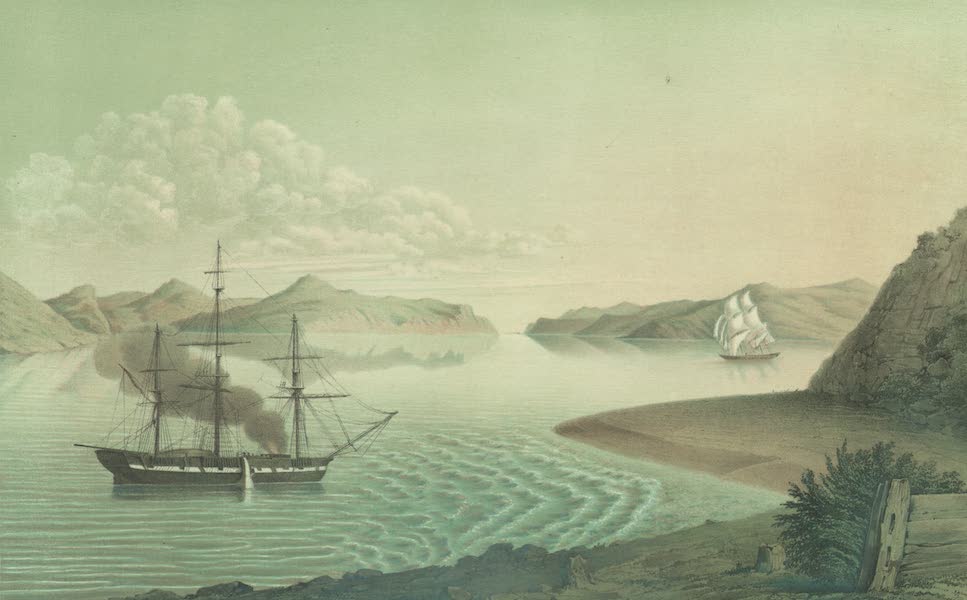 | Avachinskaia guba v Kamchatke
|
 | Avalanche
|
 | Aveline, first wife of Edmund Crouchback, Earl of Lancaster, on the North Side of the Altar in Westminster Abbey
|
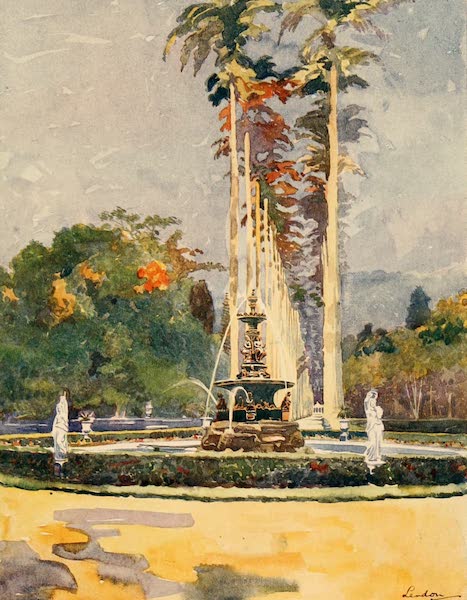 | Avenue of Royal Palms, Botanical Gardens
|
 | Avenue of Stately Cryptomerias with Buddhist Monk on His Itinerary
|
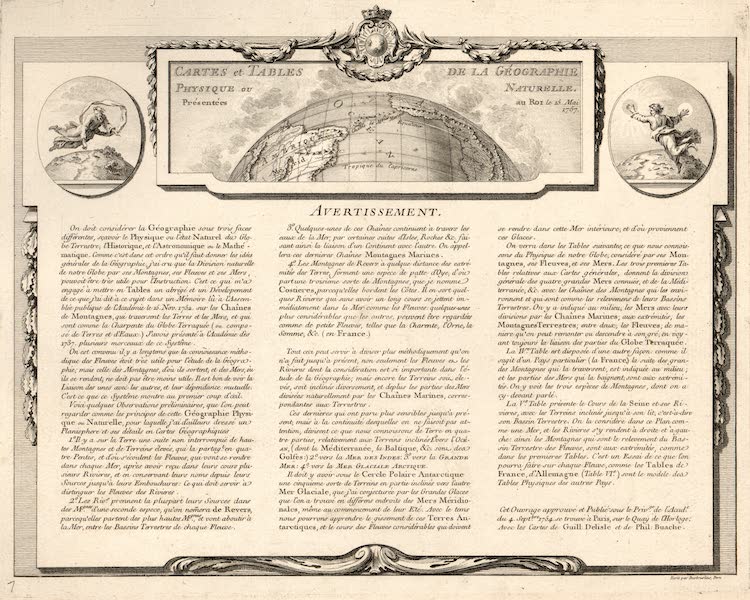 | Avertissement
|
 | Avguvsta Ivxta Figvram Qvam Hisce Temporibvs Habet Delineata
|
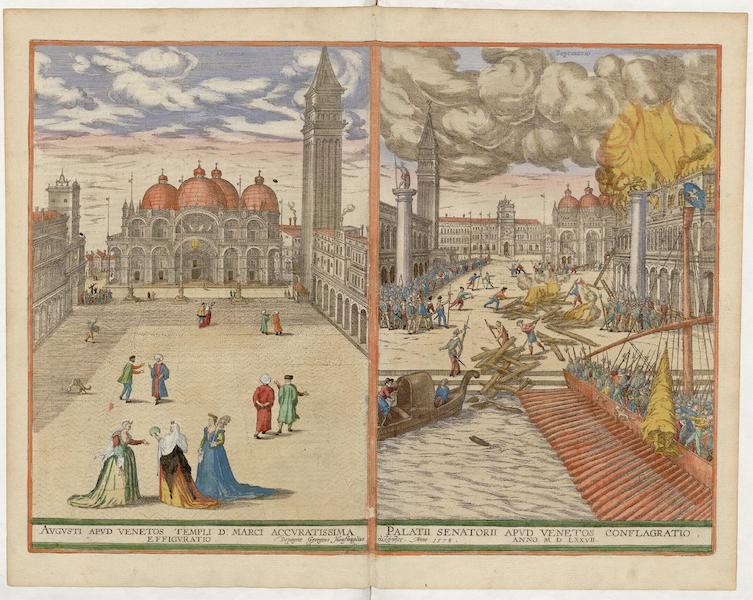 | Avgvsti Apvd Venetos Templi et Palatii Senatorii Apvd Venetos Conflagratio
|
 | Avgvstodvnvm Vulgo Authun et Noviodvnvm
|
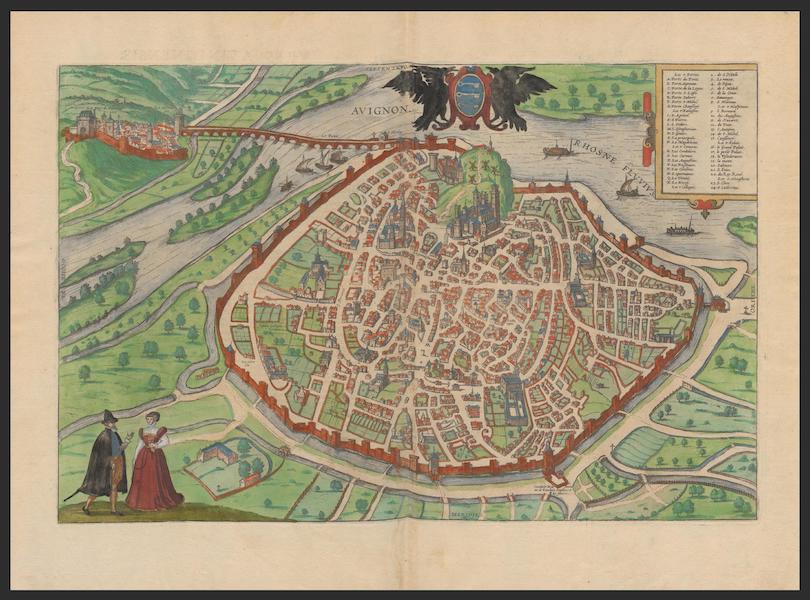 | Avignon
|
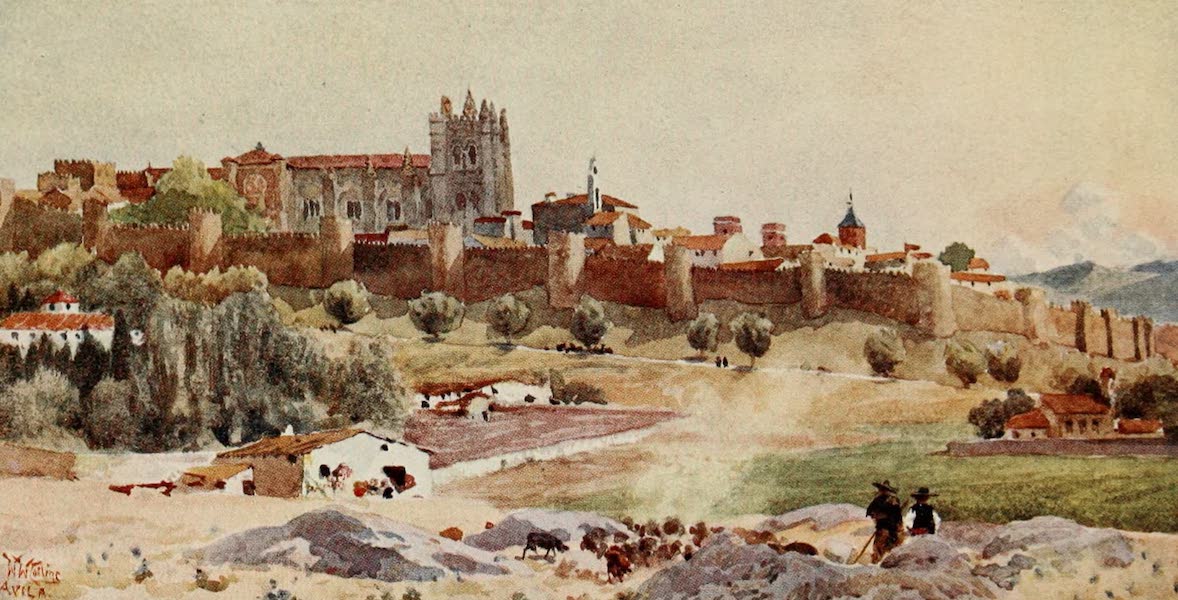 | Avila
|
 | Avila. A Posada Patio
|
 | Avila. From the North-west
|
 | Avila. Puerta de San Vicente
|
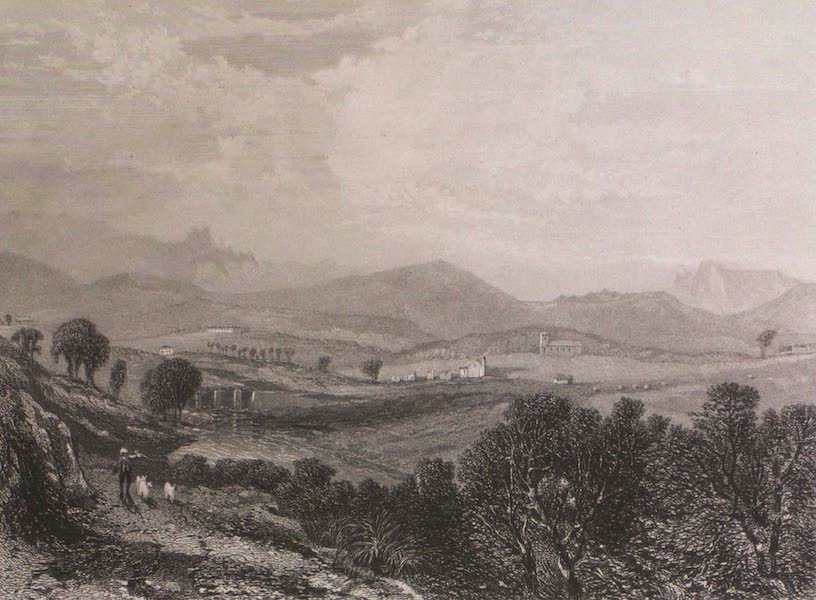 | Avoca River, Victoria
|
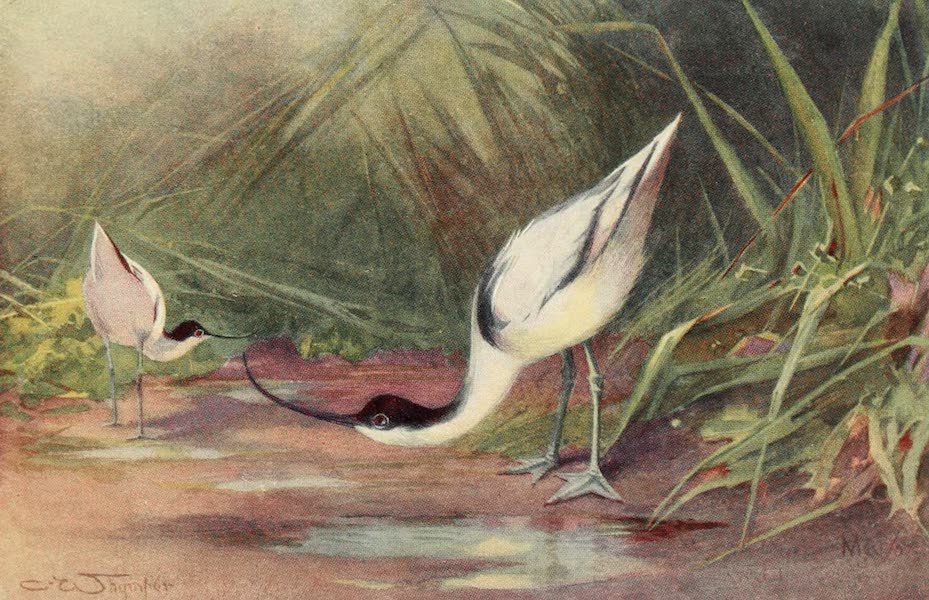 | Avocet
|
 | Avrelia Franciae Civitas
|
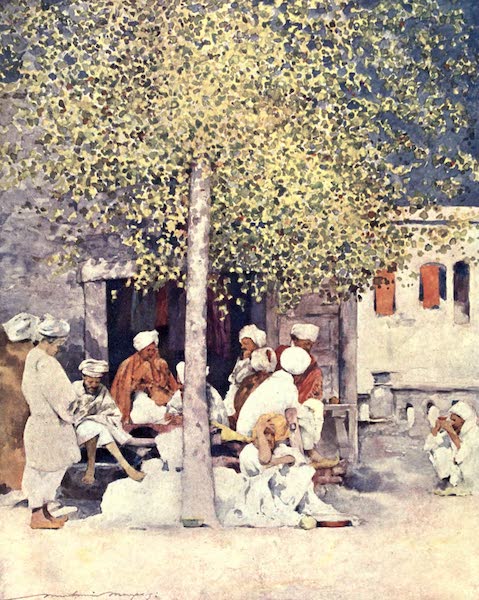 | Away from the Show
|
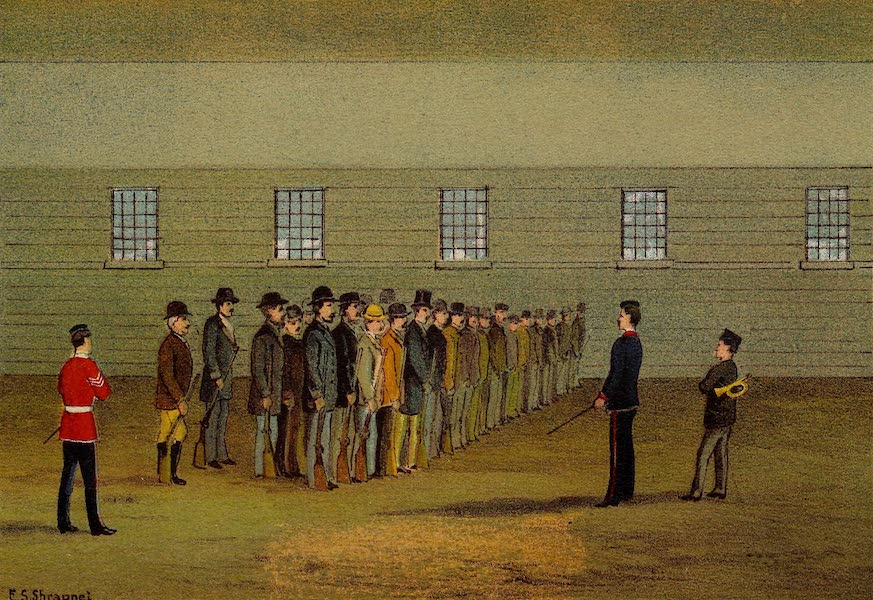 | Awkward Squad - Fenian Raid, 1865
|
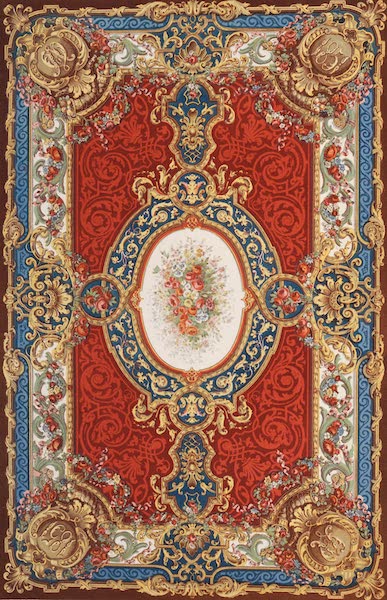 | Axminster Carpet by Jackson and Graham, London
|
 | Axminster Carpet by Watson, Bell, and Co., London
|
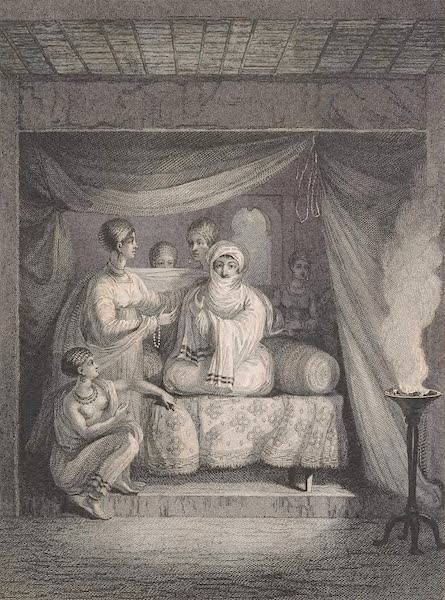 | Axoro Tishai at Adowe
|
 | Ayamonte (The Gateway of Andalusia)
|
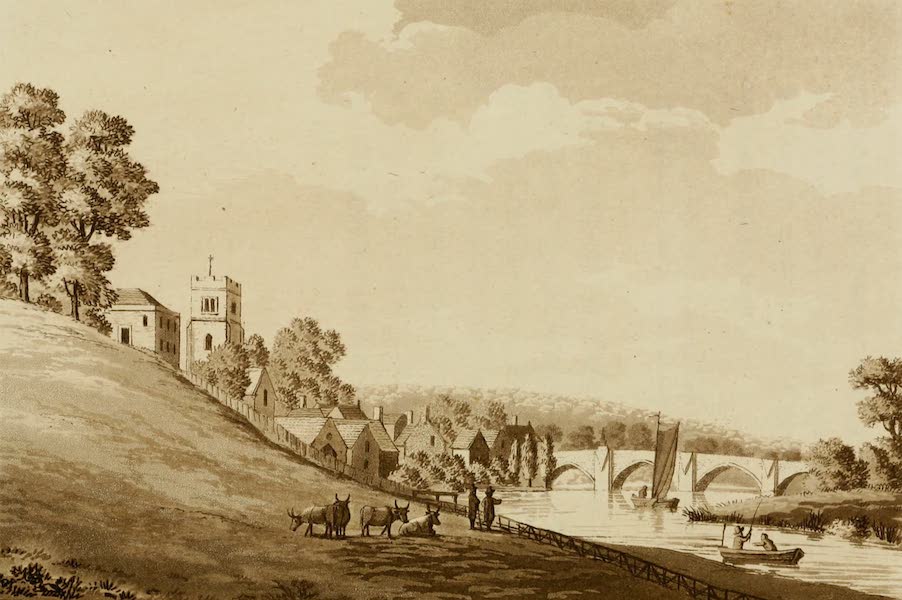 | Aylesford
|
 | Aylmer (Upper Canada)
|
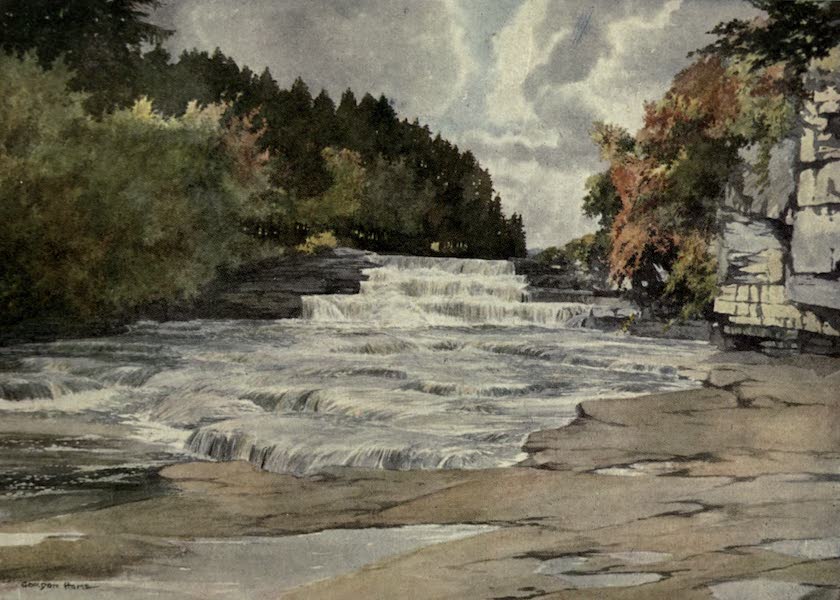 | Aysgarth Force
|
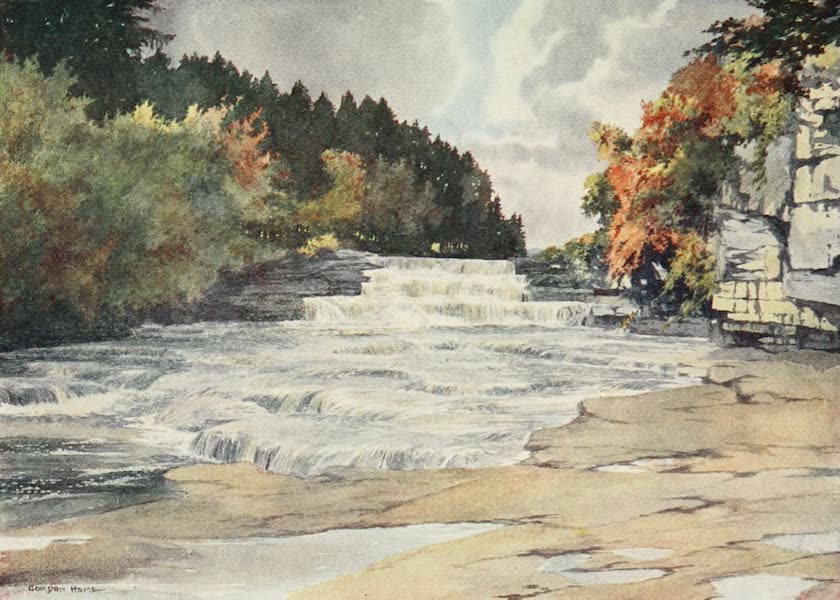 | Aysgarth Force
|
 | Ayto Debib and Guebra Mehedin
|
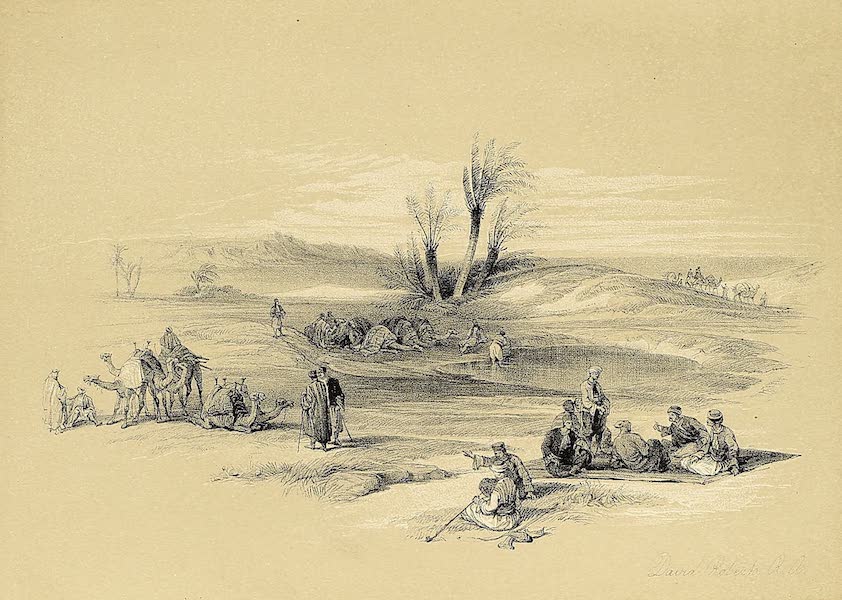 | Ayun Musa - The Wells of Moses - Wilderness of Tyh
|
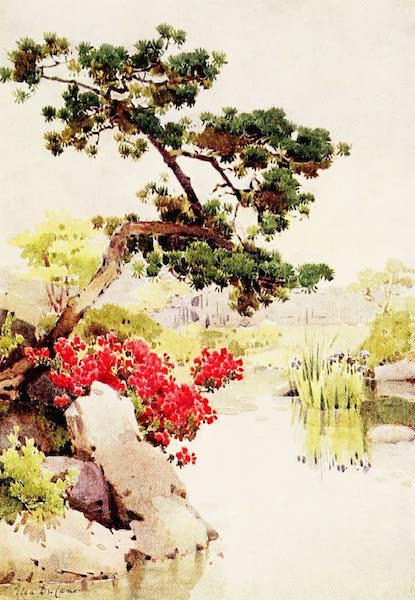 | Azalea and Pine-tree
|
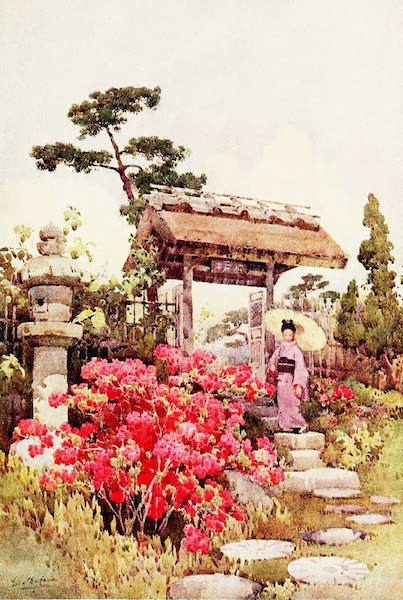 | Azaleas
|
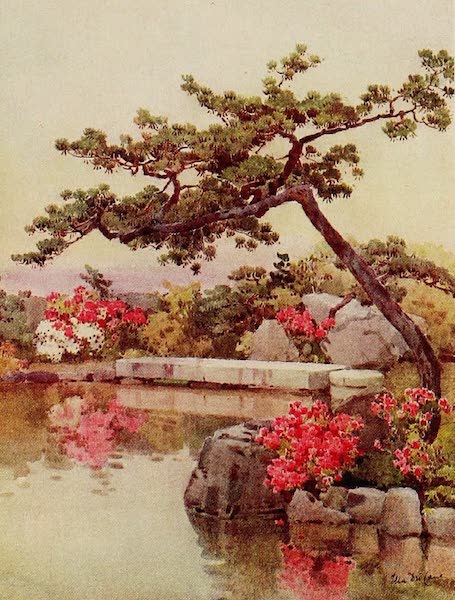 | Azaleas in a Kyoto Garden
|
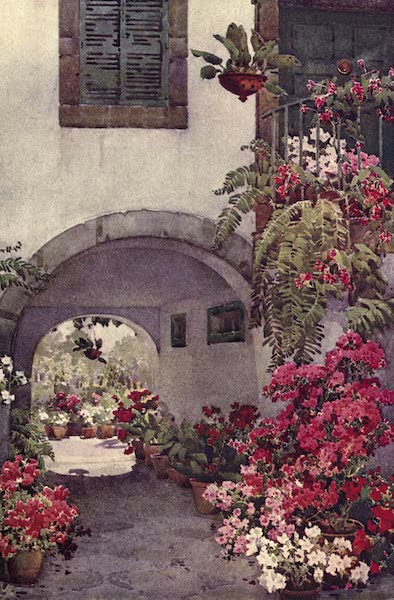 | Azaleas in a Portuguese Garden
|
 | Azaleas in Bloom, Rotten Row
|
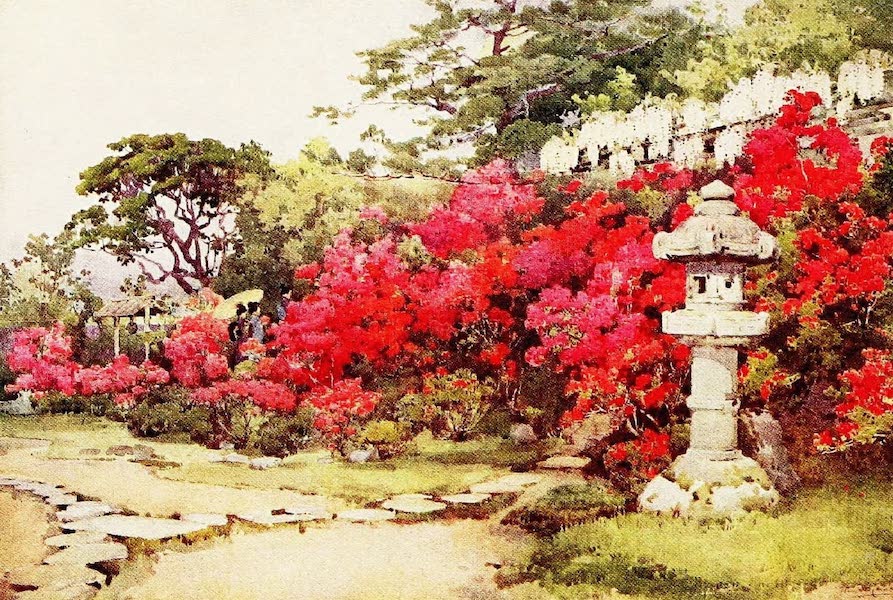 | Azaleas, Awata
|
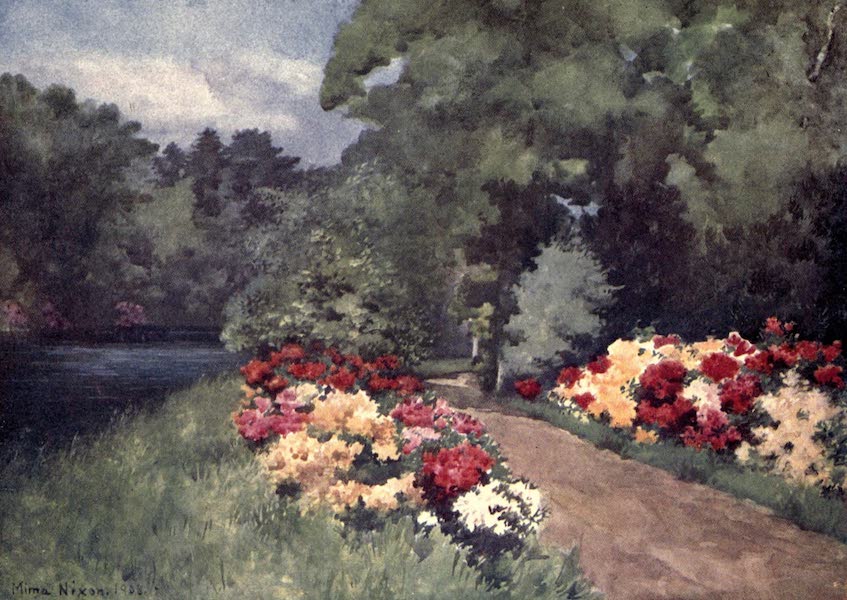 | Azaleas, Het Loo
|
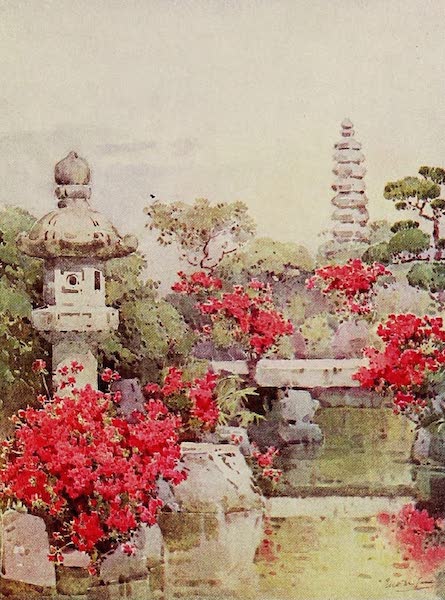 | Azaleas, Kyoto
|
 | Azaleas, Lago di Como
|
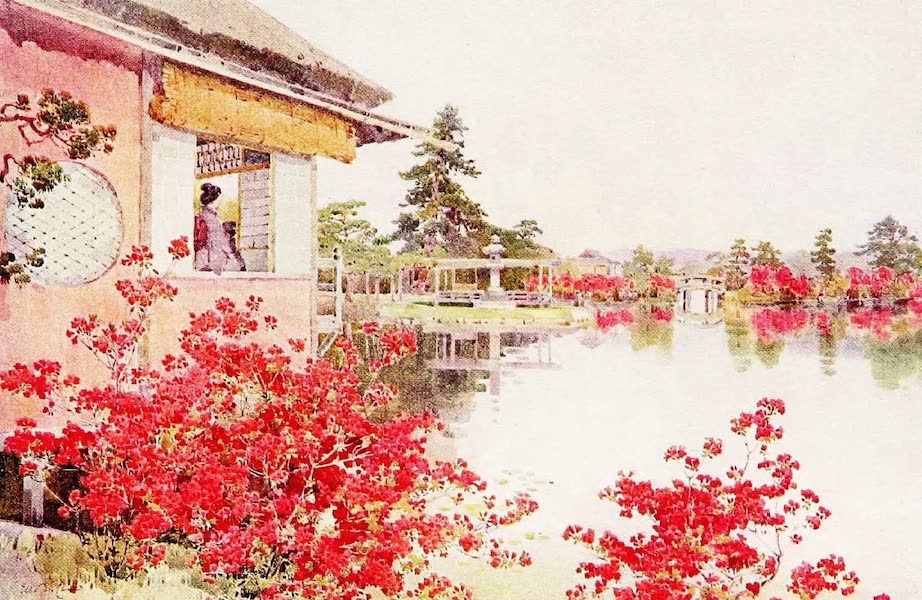 | Azaleas, Nagaoka
|
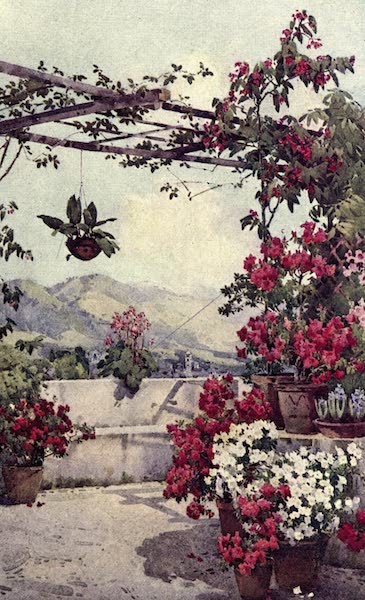 | Azaleas, Quinta Ilheos
|
 | Aztec Calendar Wheel
|
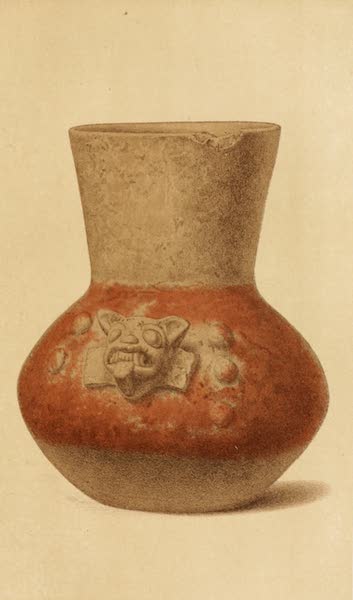 | Aztec Jar from Teotihuacan (10 inches high)
|
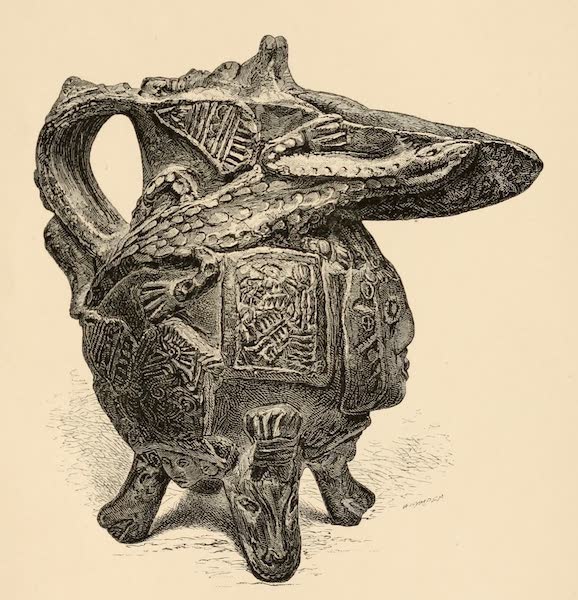 | Aztec Jug in Black Clay (10 inches high)
|
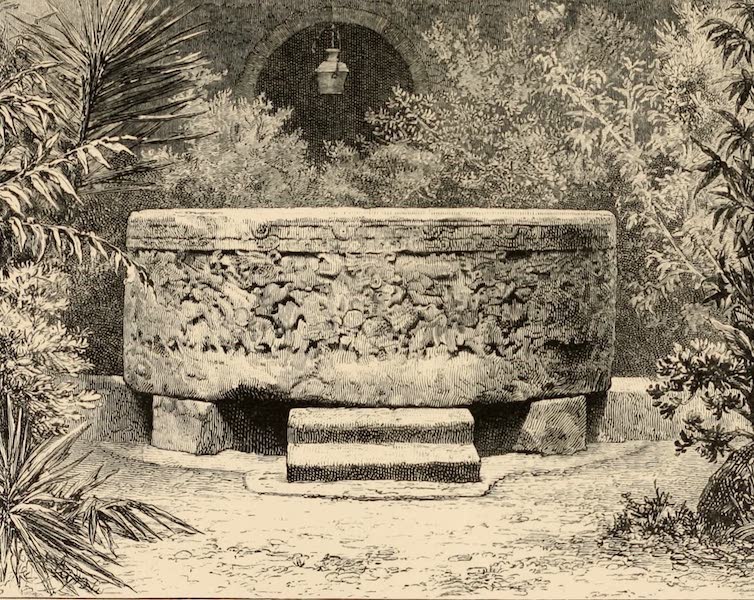 | Aztec Sacrificial Stone
|
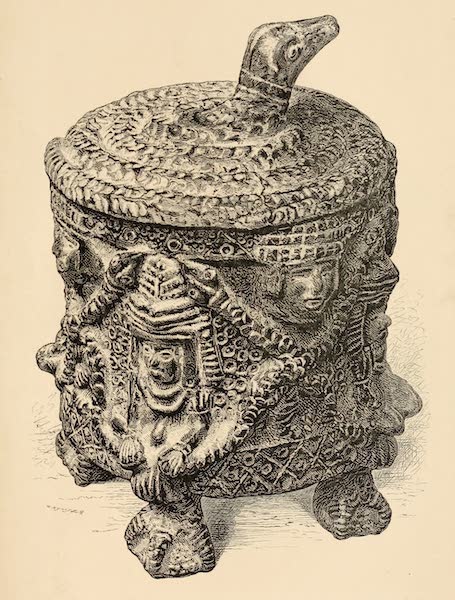 | Aztec Vase in Black Clay (12 inches high)
|
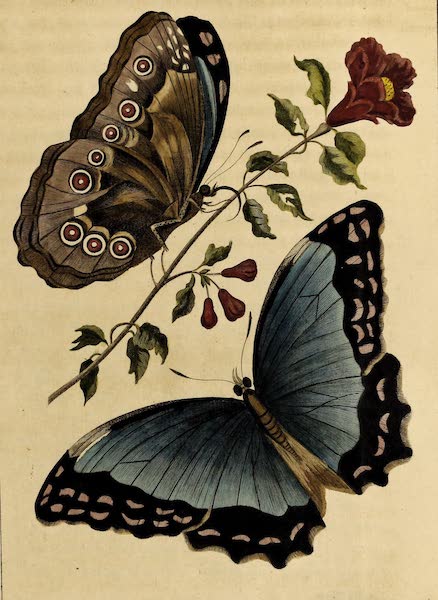 | Azure blue Butterfly of South America
|
 | B. Small Vase of Chalecedony supporting a watch
|
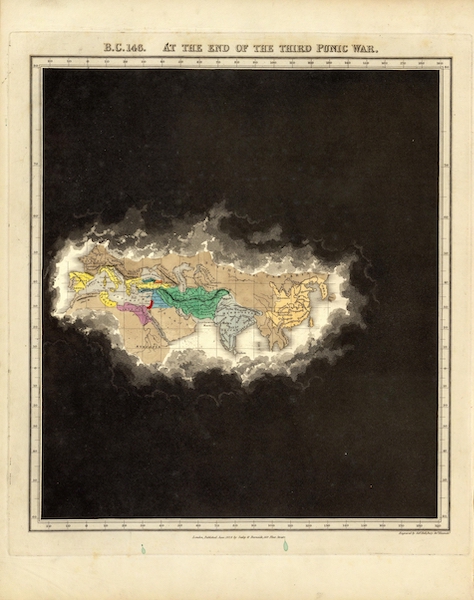 | B.C. 146. At The End Of The Third Punic War.
Clouds receding to show the known earth from the partition of Alexander's Empire, 301 B.C., to the end of the third Punic War. Seventh period. In full color stretching from Spain and Morocco to China. The Great Wall of China is shown. (David Rumsey) Engraved by Sidy. Hall Bury Strt. Bloomsby. London Published June 1828 by Seeley & Burnside 169 Fleet Street. |
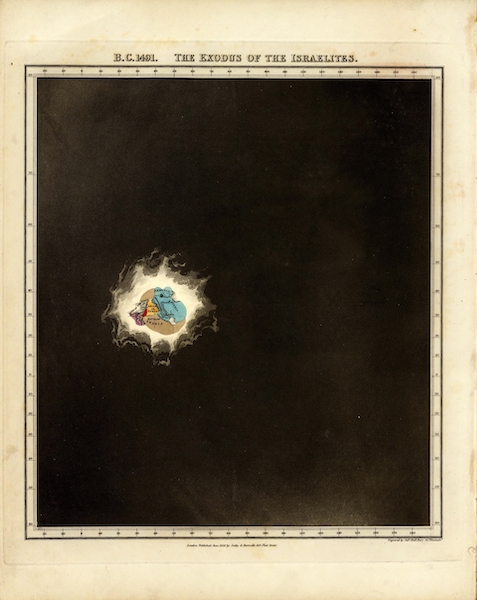 | B.C. 1491. The Exodus Of The Israelites.
Map covered primarily by clouds showing the known earth from the Deluge, 2348 B.C., to the Exodus of the Israelites, 1491 B.C. (A.M. 1656 to A.M. 2513). Second period. The map showing through the clouds is in full color by empires or countries with The Assyrian Empire, Syria, Canaan and Egypt. (David Rumsey) Engraved by Sidy. Hall Bury Strt. Bloomsby. London Published June 1828 by Seeley & Burnside 169 Fleet Street. |
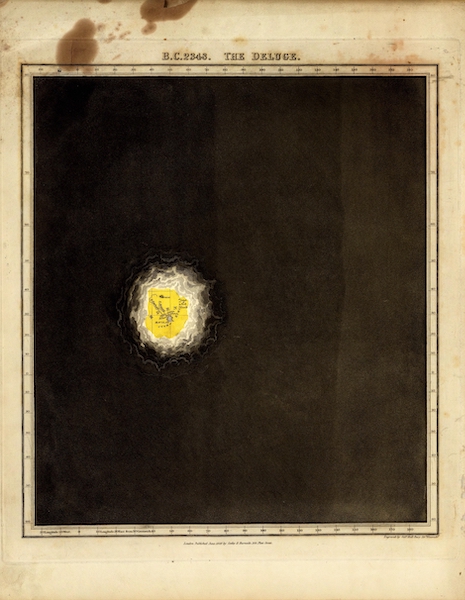 | B.C. 2348. The Deluge.
Map covered primarily by clouds showing the known earth from the Creation to the Deluge, 2348 B.C. (to A.M. 1656). First period. Eden shown through the clouds with Mt. Ararat and the Land of Nod. (David Rumsey) Engraved by Sidy. Hall Bury Strt. Bloomsby. London Published June 1828 by Seeley & Burnside 169 Fleet Street. |
 | B.C. 301. Exhibiting The Partition Of The Empire Of Alexander.
Map with clouds receding to show the known earth from the death of Alexander of Macedon, 323 B.C., to the partition of his Empire, 301 B.C. (A.M. 3681 to A.M. 3703). Sixth period. In full color with the largest section in blue showing the extent of the Empire. (David Rumsey) Engraved by Sidy. Hall Bury Strt. Bloomsby. London Published June 1828 by Seeley & Burnside 169 Fleet Street. |
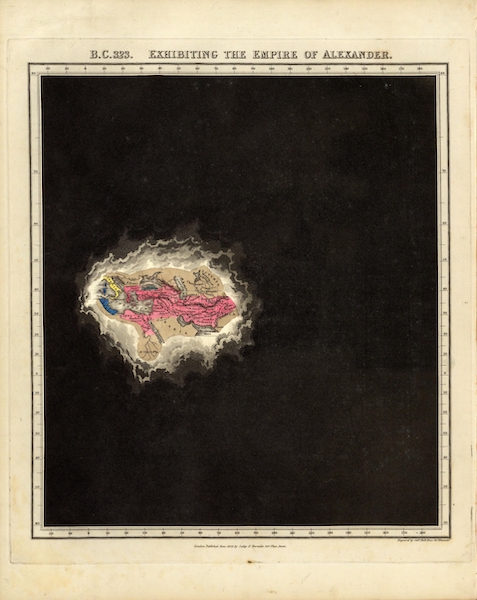 | B.C. 323. Exhibiting The Empire Of Alexander.
Map with clouds receding to show the known earth from the death of Cyrus, 529 B.C., to that of Alexander of Macedon, 323 B.C. (A.M. 3475 to A.M. 3681). Fifth period. In full color with the Macedonia Empire in crimson. (David Rumsey) Engraved by Sidy. Hall Bury Strt. Bloomsby. London Published June 1828 by Seeley & Burnside 169 Fleet Street. |
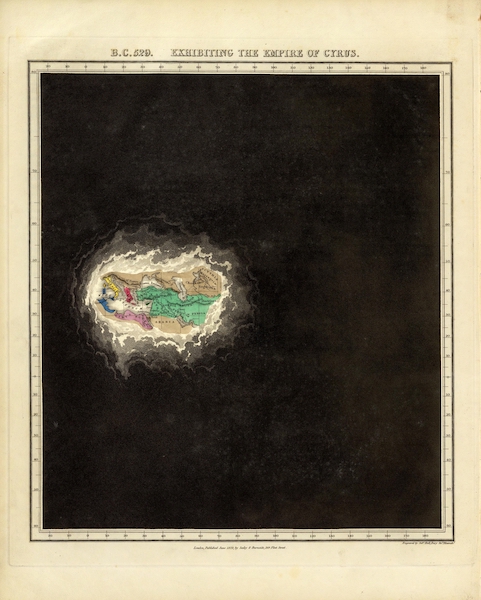 | B.C. 529. Exhibiting The Empire Of Cyrus.
Map covered primarily by clouds showing the known earth from the foundation of Rome, 753 B.C., to the death of Cyrus, 529 B.C. (A.M. 3251 to A.M. 3475). Fourth period. Visible through the clouds in full color is the Mediterranean from Italy to Persia. (David Rumsey) Engraved by Sidy. Hall Bury Strt. Bloomsby. London Published June 1828 by Seeley & Burnside 169 Fleet Street. |
 | B.C. 753. The Foundation Of Rome.
Map covered primarily by clouds showing the known earth from the Exodus of the Israelites, 1491 B.C., to the foundation of Rome, 753 B.C. (A.M. 2513 to A.M. 3251). Third period. Visible through the clouds in full color are the previous areas as well as Asia-Minor, Greece, and Italy. (David Rumsey) Engraved by Sidy. Hall Bury Strt. Bloomsby. London Published June 1828 by Seeley & Burnside 169 Fleet Street. |
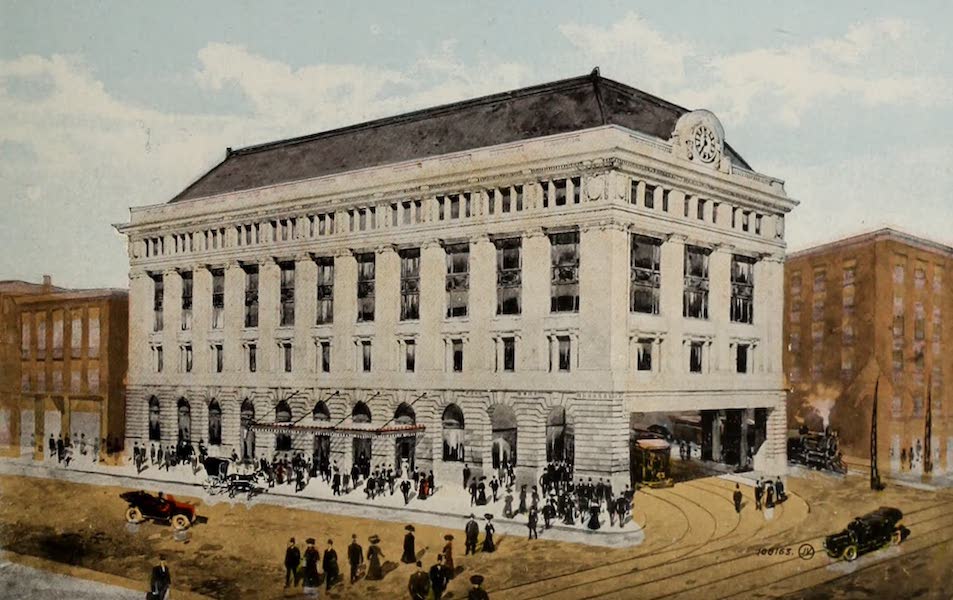 | B.C. Electrical Passenger Depot
|
 | B.C. Electrical Passenger Depot
|
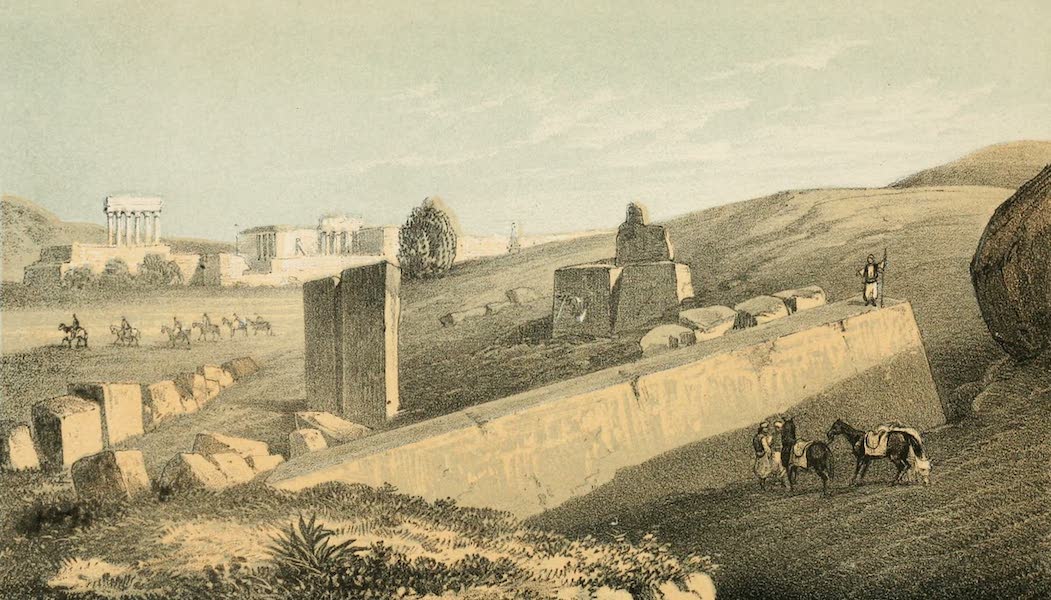 | Baalbec from the Quarry
|
 | Baalbec, General View
|
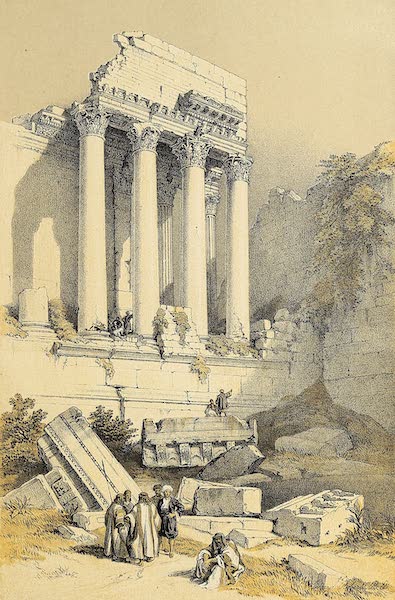 | Baalbec, Western Portico
|
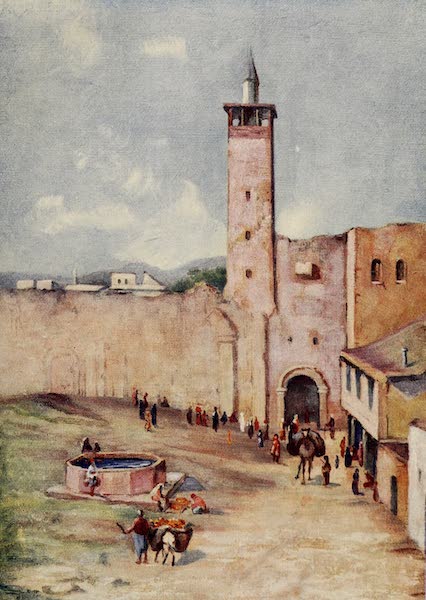 | Bab Sherki, Damascus
|
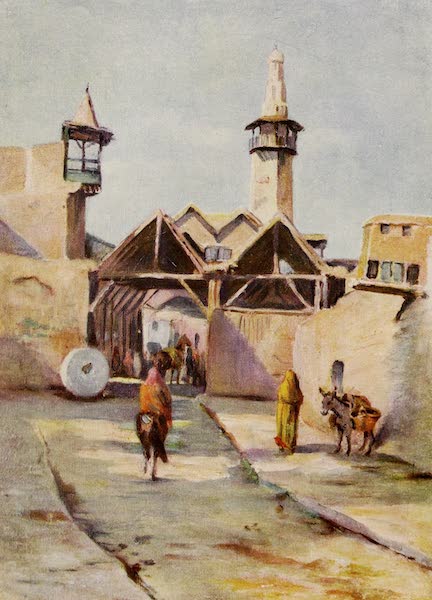 | Bab Tuma, Damascus
|
 | Bab-Alleoui
|
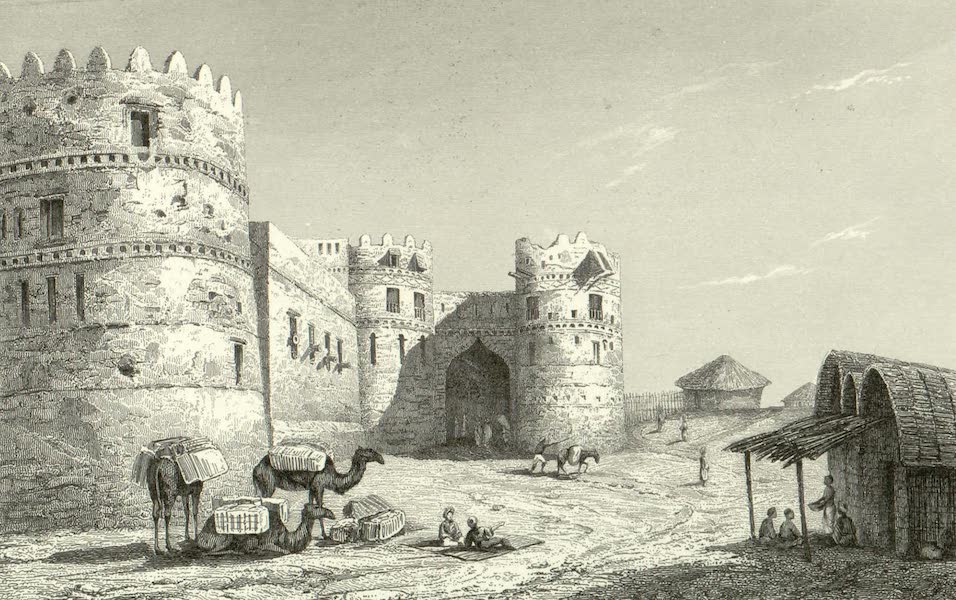 | Bab-Chately Porte Meridionale de Moka, Arabie
|
 | Bab-el-Bahar (Porte de la Marine) - Porte de France
|
 | Bab-el-Fellah
|
 | Bab-el-Khadra
|
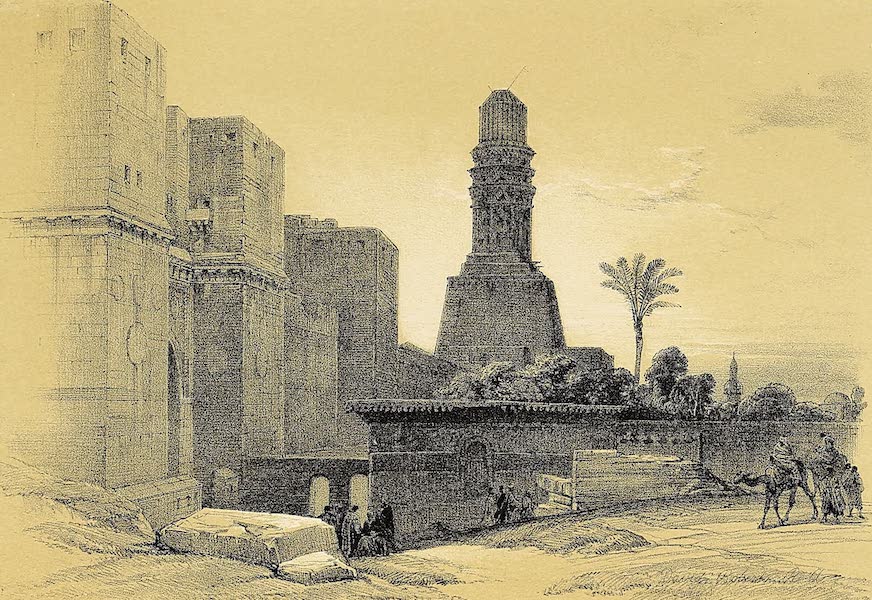 | Bab-El-Nasr, or Gate of Victory, and Mosque of El Hakim, Cairo
|
 | Bab-Sidi-Abd-es-Salem
|
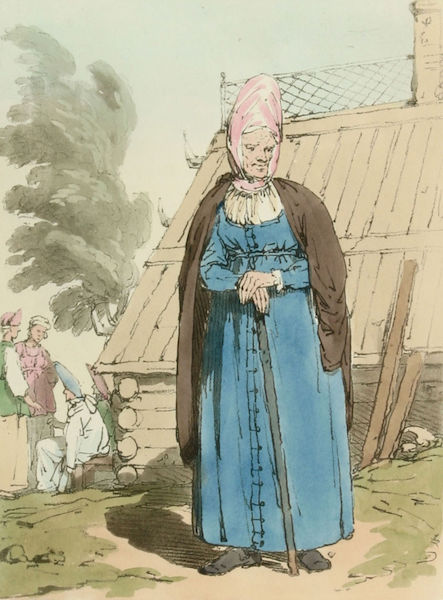 | Baba or Old Woman
|
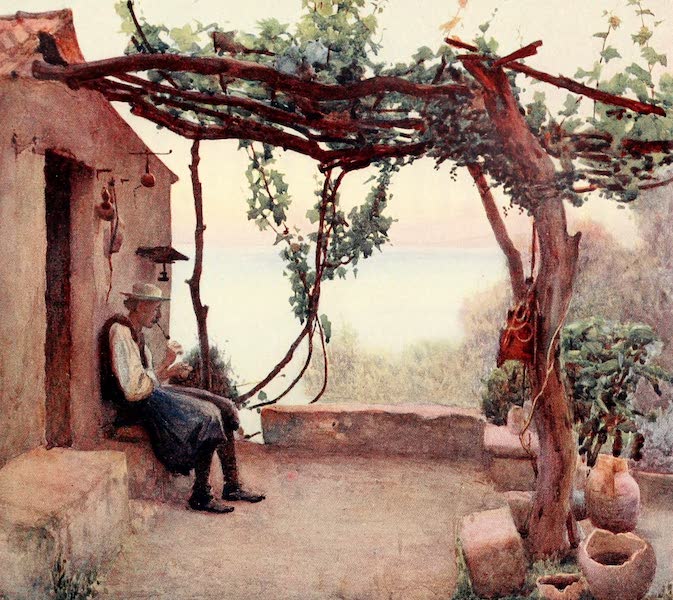 | Babadoni at Home
|
 | Babbacombe, Torquay
|
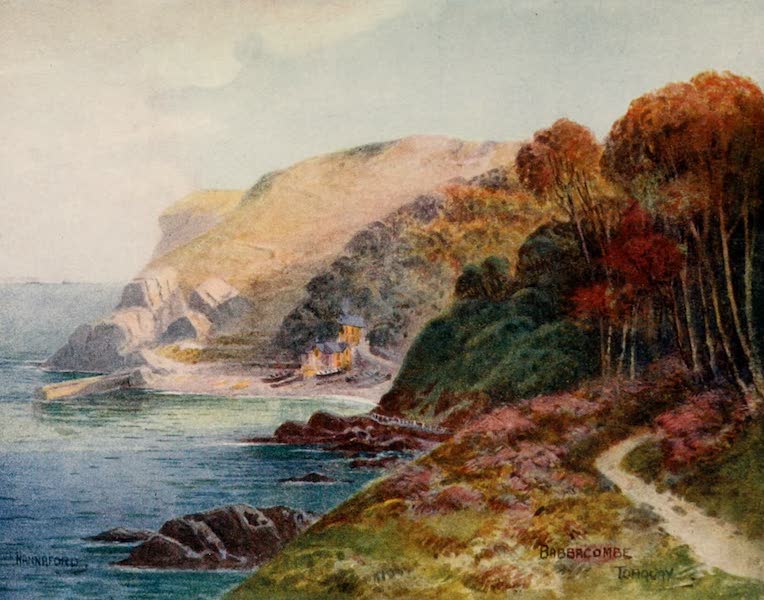 | Babbacombe, Torquay
|
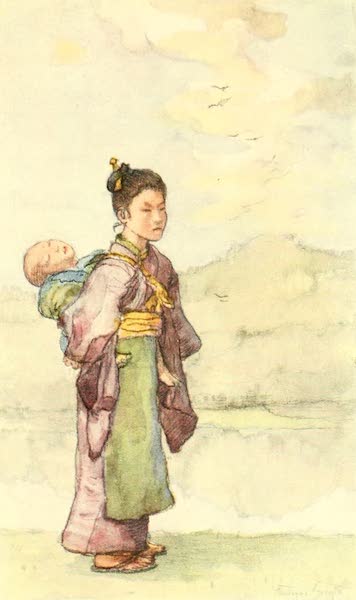 | Babies are carried on the Backs of Sisters or little Nurse maids
|
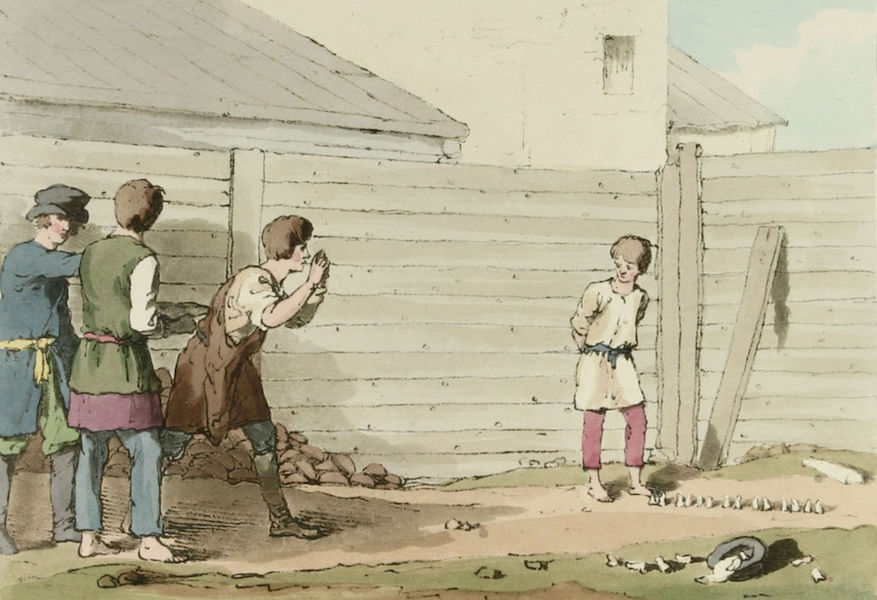 | Babki
|
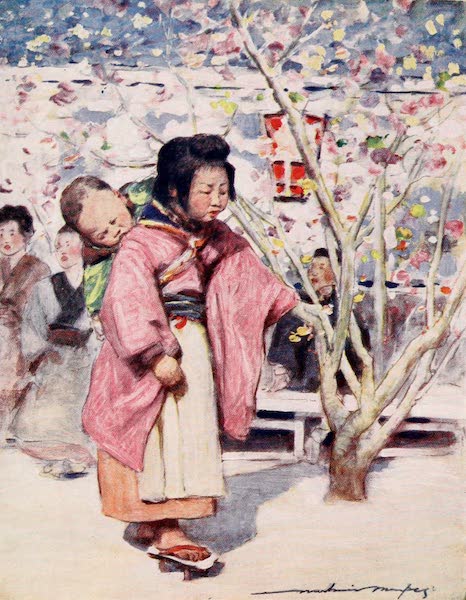 | Baby and Baby
|
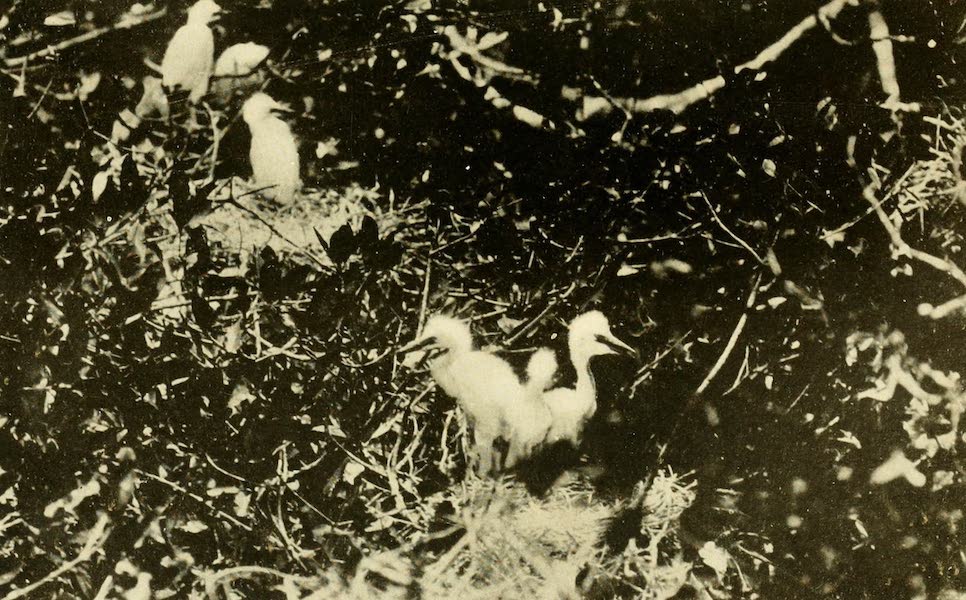 | Baby Egrets
|
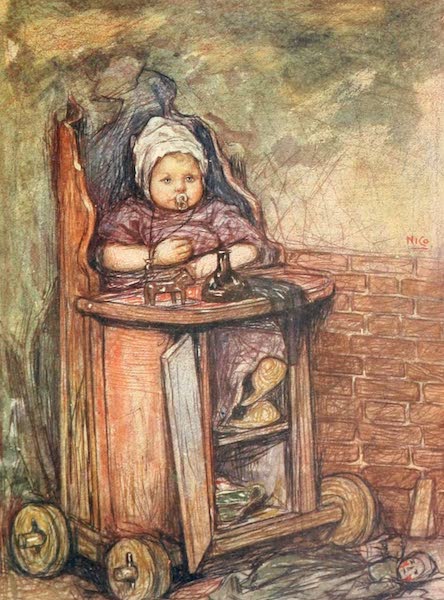 | Baby in Chair
|
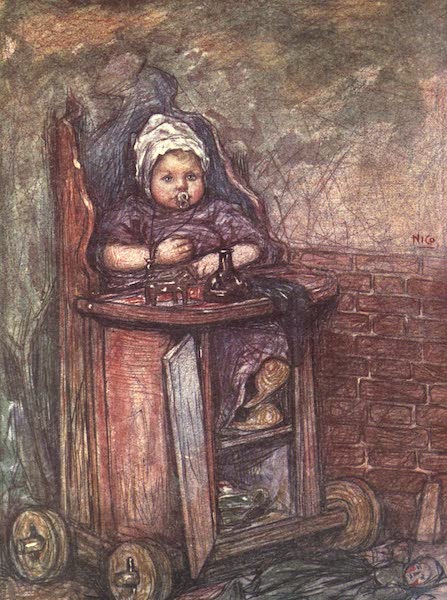 | Baby in Chair
|
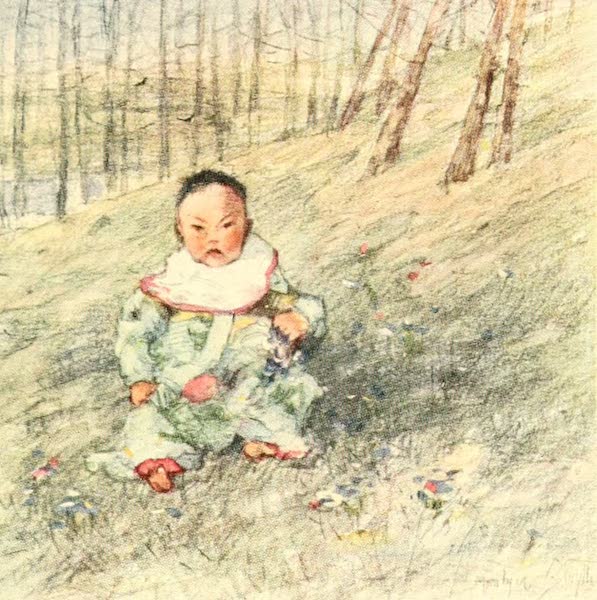 | Baby often explores the Greensward of the Park or Garden
|
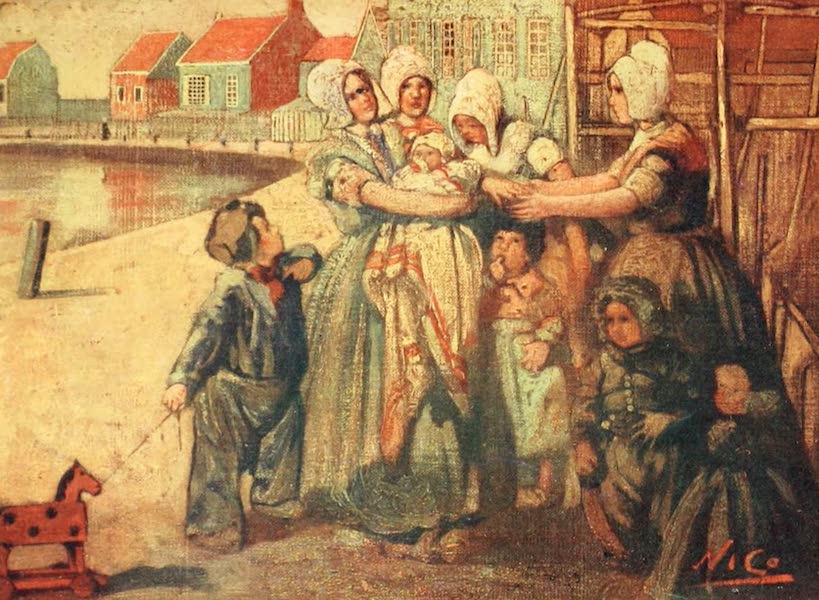 | Baby Worship
|
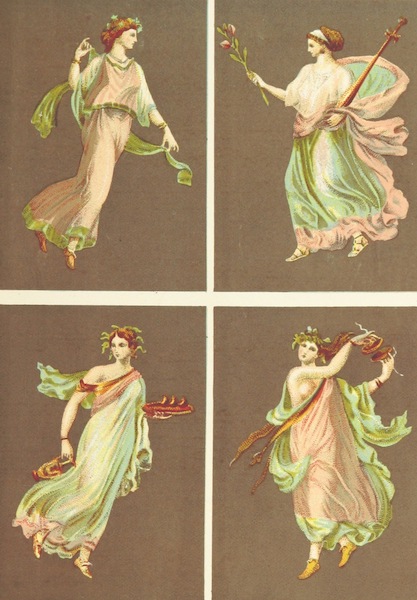 | Bacchantes from a Pompeian Fresco
|
 | Bacchus
|
 | Bacharach
|
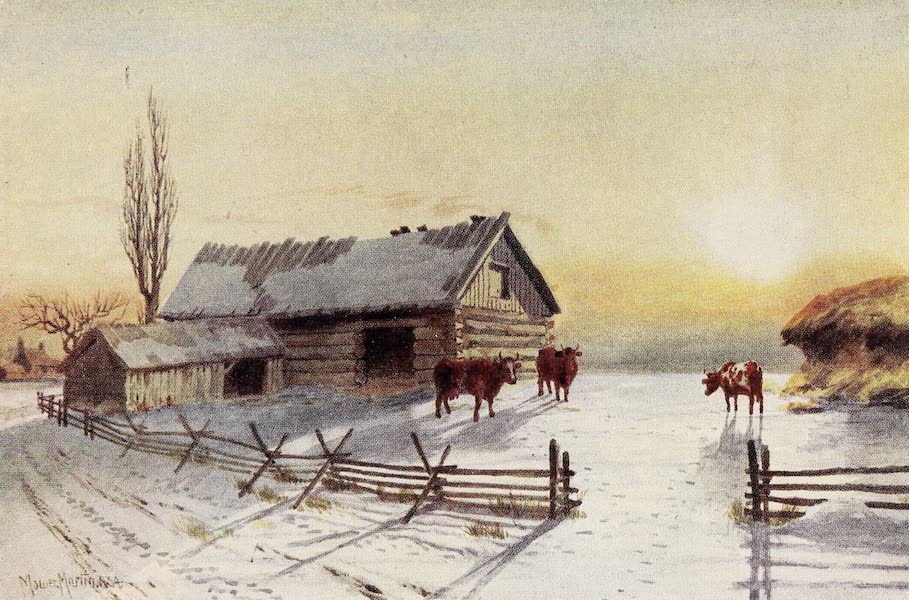 | Back Country Farmyard, Winter
|
 | Back Cover
|
 | Back Cover
|
 | Back Cover
|
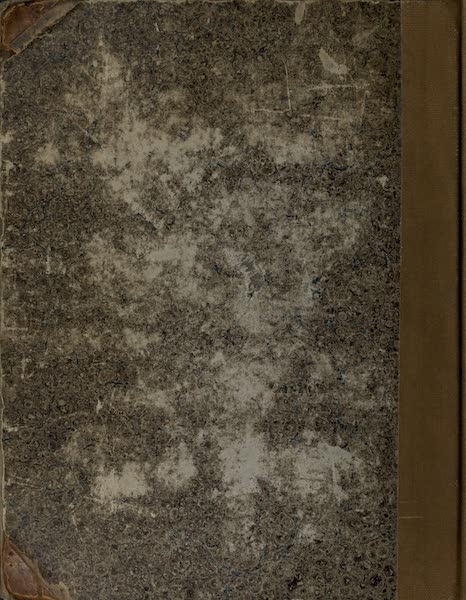 | Back Cover
|
 | Back Cover
|
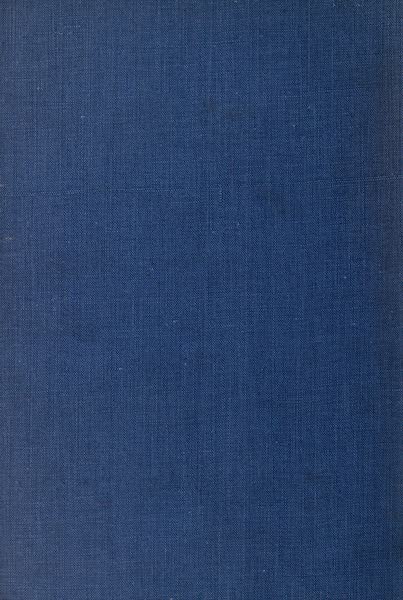 | Back Cover
|
 | Back Cover
|
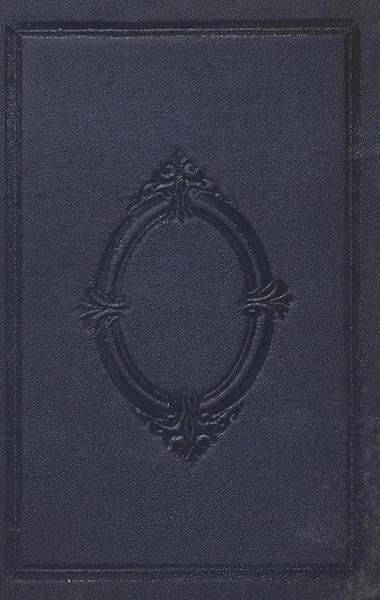 | Back Cover
|
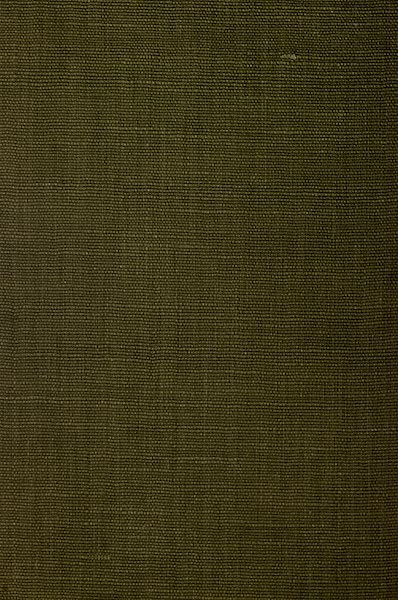 | Back Cover
|
 | Back Cover
|
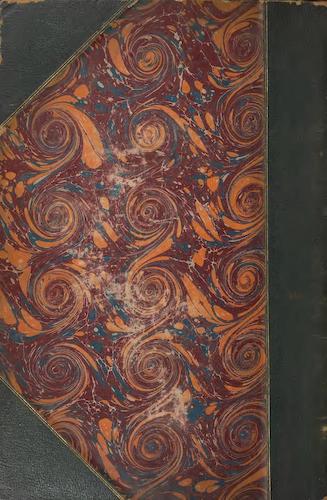 | Back Cover
|
 | Back Cover
|
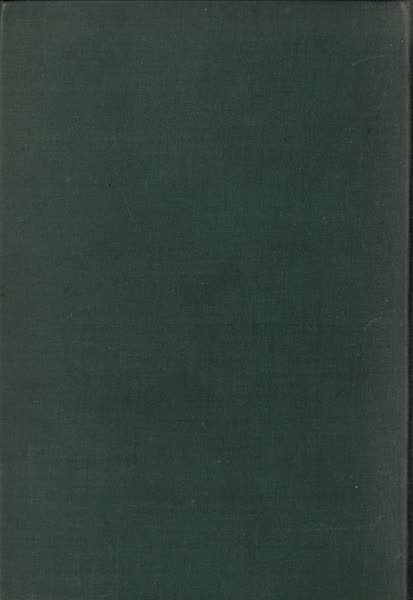 | Back Cover
|
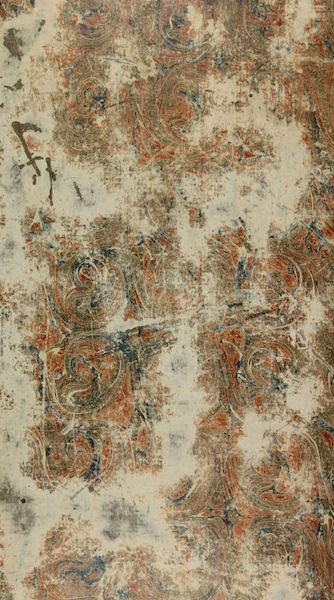 | Back Cover
|
 | Back Cover
|
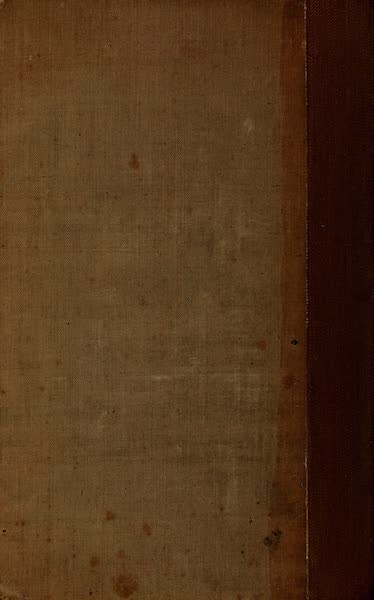 | Back Cover
|
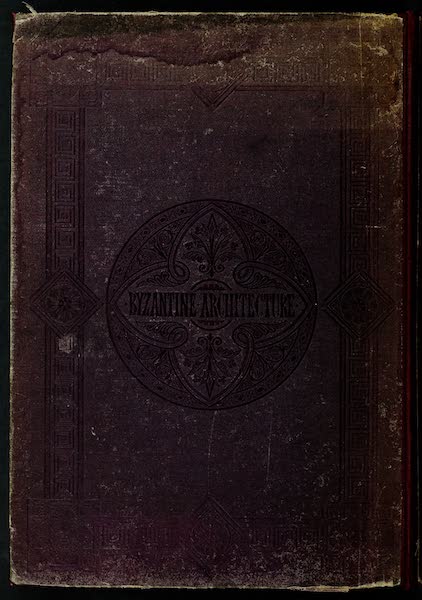 | Back Cover
|
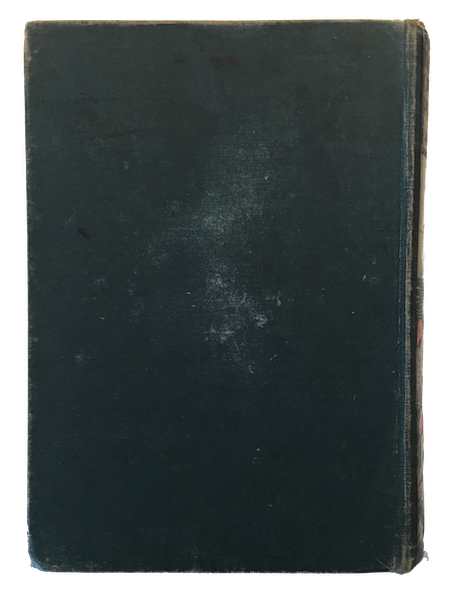 | Back Cover
|
 | Back Cover
|
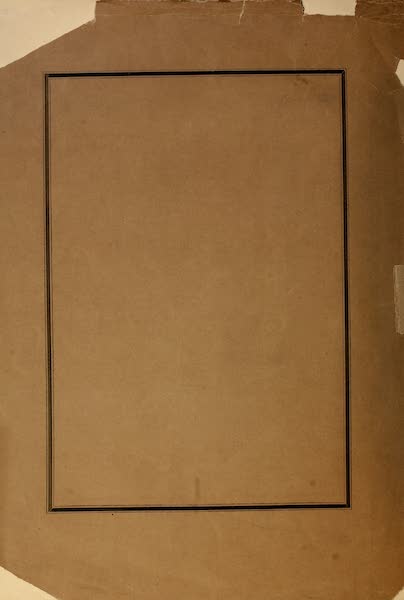 | Back Cover
|
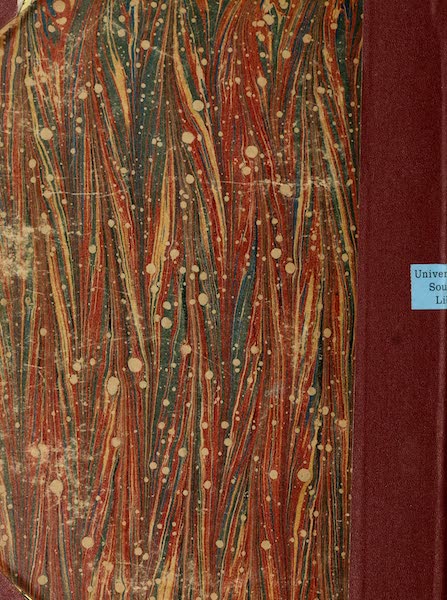 | Back Cover
|
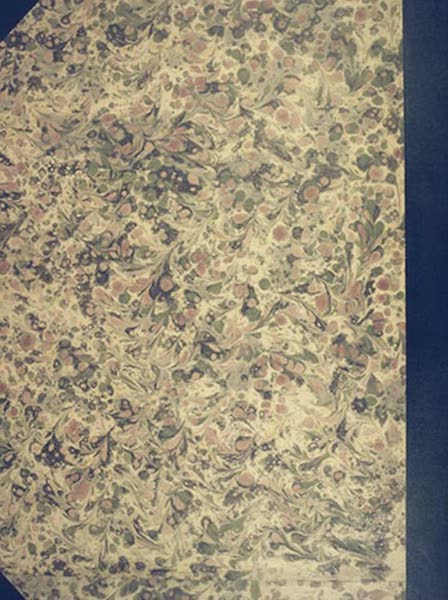 | Back Cover
Back cover for 'Views in the Himala Mountains' (1820) |
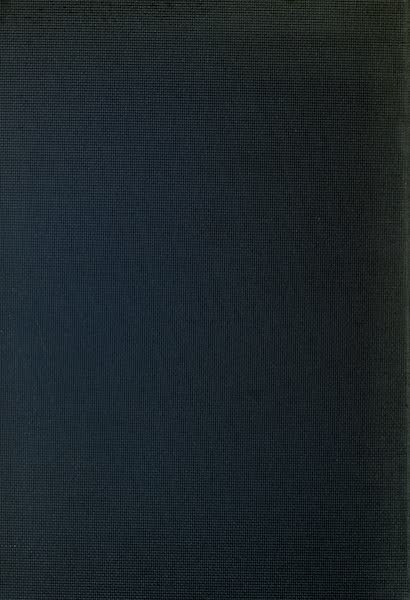 | Back Cover
|
 | Back Cover
|
 | Back Cover
|
 | Back Cover
|
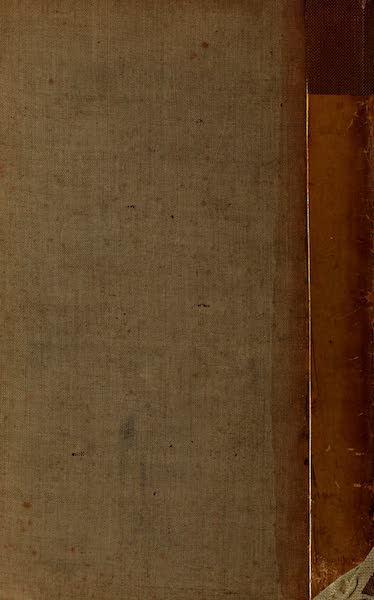 | Back Cover
|
 | Back Cover
|
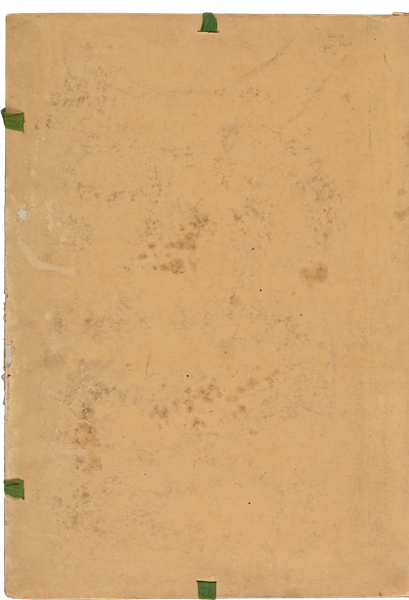 | Back Cover
|
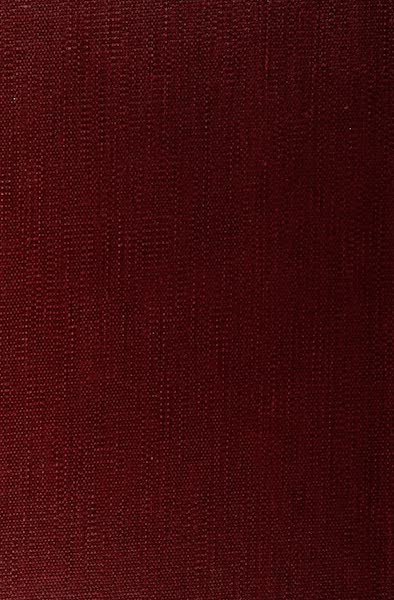 | Back Cover
|
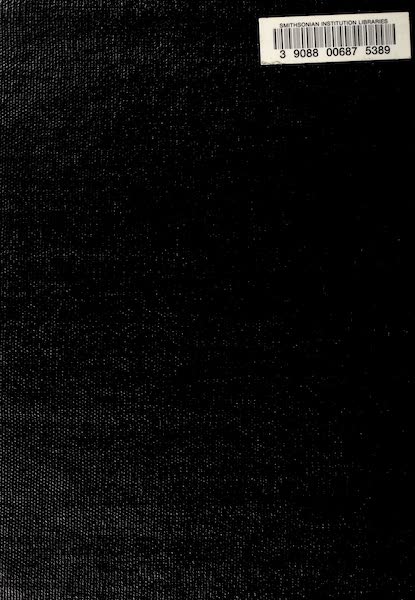 | Back Cover
|
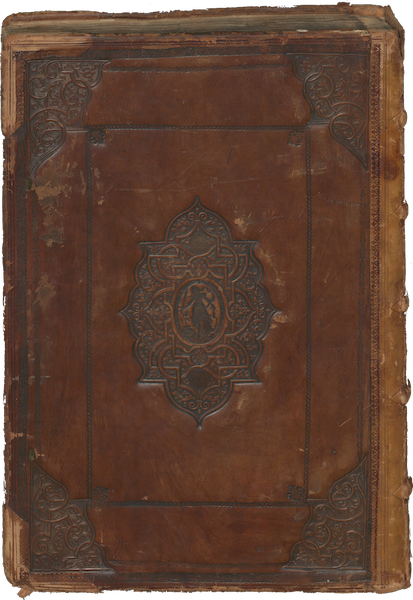 | Back Cover
|
 | Back Cover
|
 | Back Cover
|
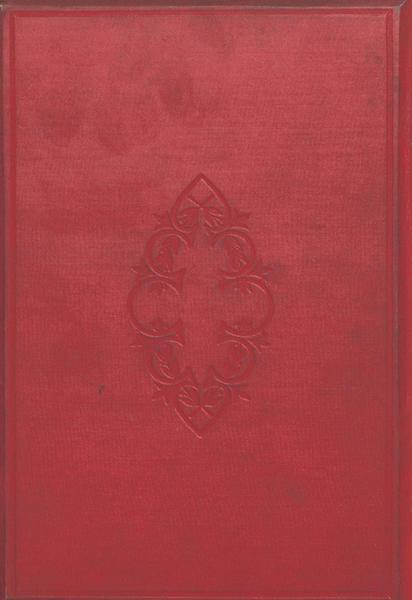 | Back Cover
|
 | Back Cover
|
 | Back Cover
|
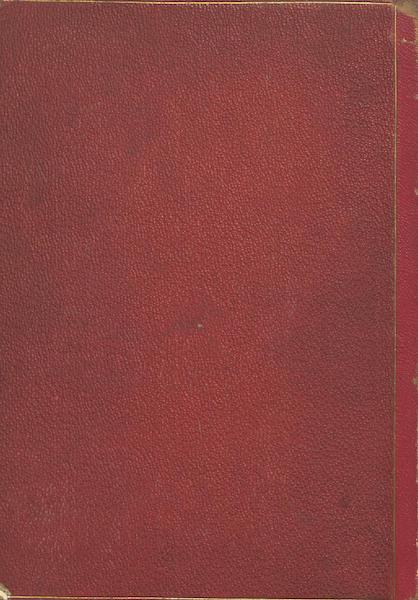 | Back Cover
|
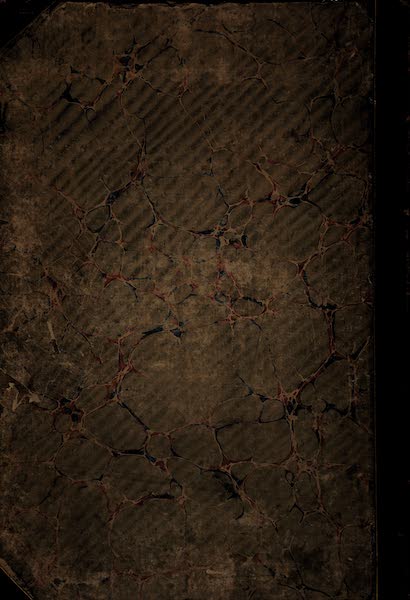 | Back Cover
|
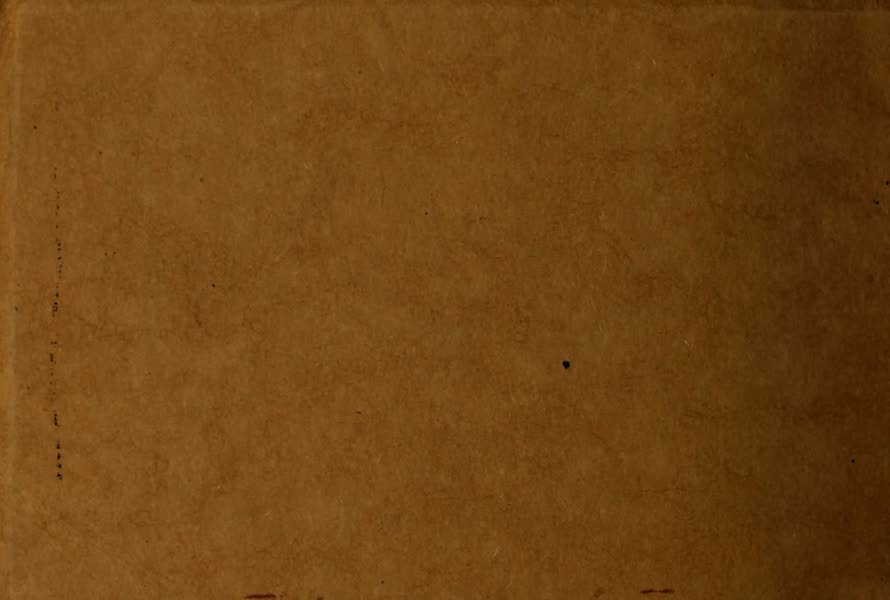 | Back Cover
|
 | Back Cover
|
 | Back Cover
|
 | Back Cover
Back cover to '24 Views in Indostan' (1802). |
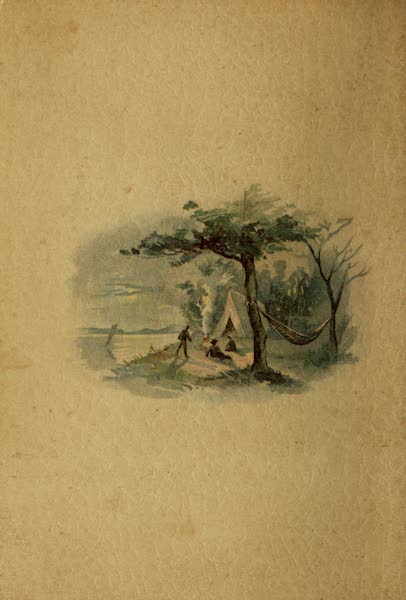 | Back Cover
|
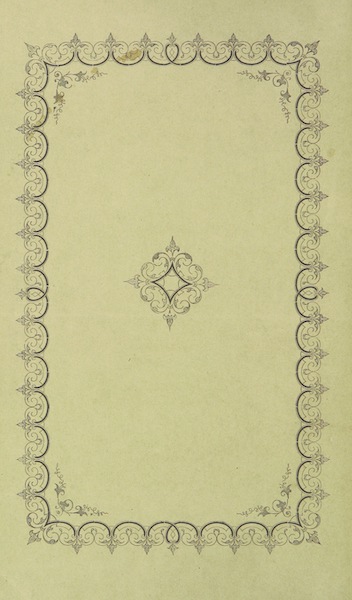 | Back Cover
|
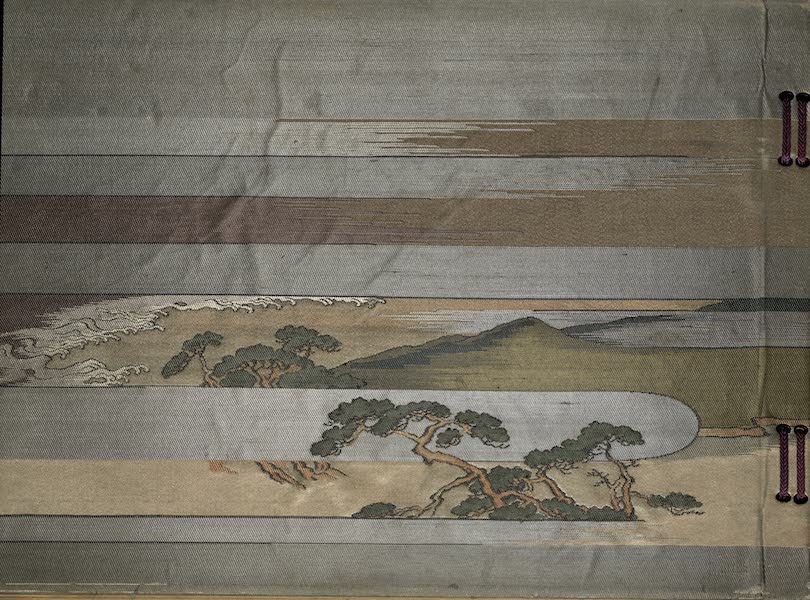 | Back Cover
|
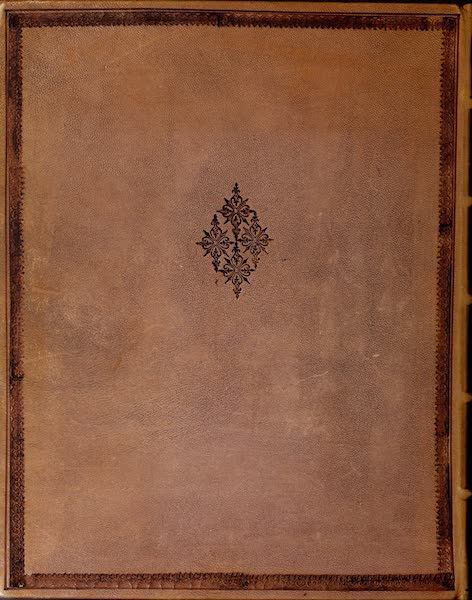 | Back Cover
|
 | Back Cover
|
 | Back Cover
|
 | Back Cover
|
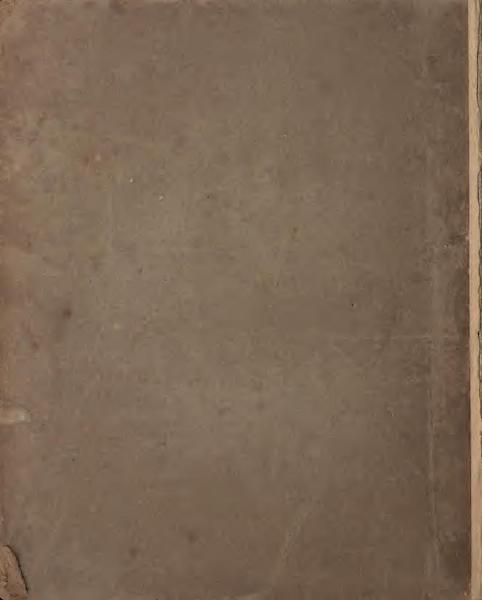 | Back Cover
|
 | Back Cover
|
 | Back Cover
|
 | Back Cover
|
 | Back Cover
|
 | Back Cover
|
 | Back Cover
|
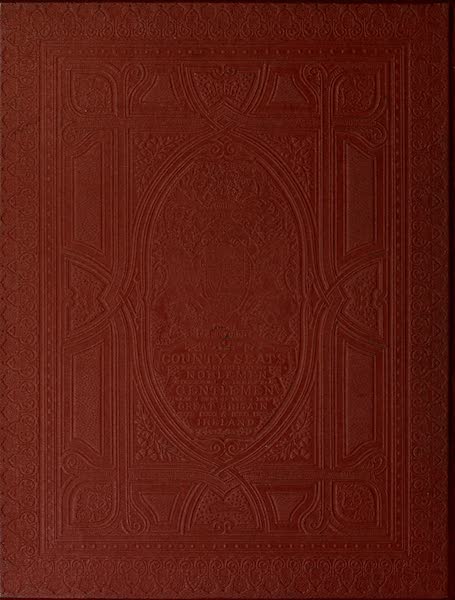 | Back Cover
|
 | Back Cover
|
 | Back Cover
|
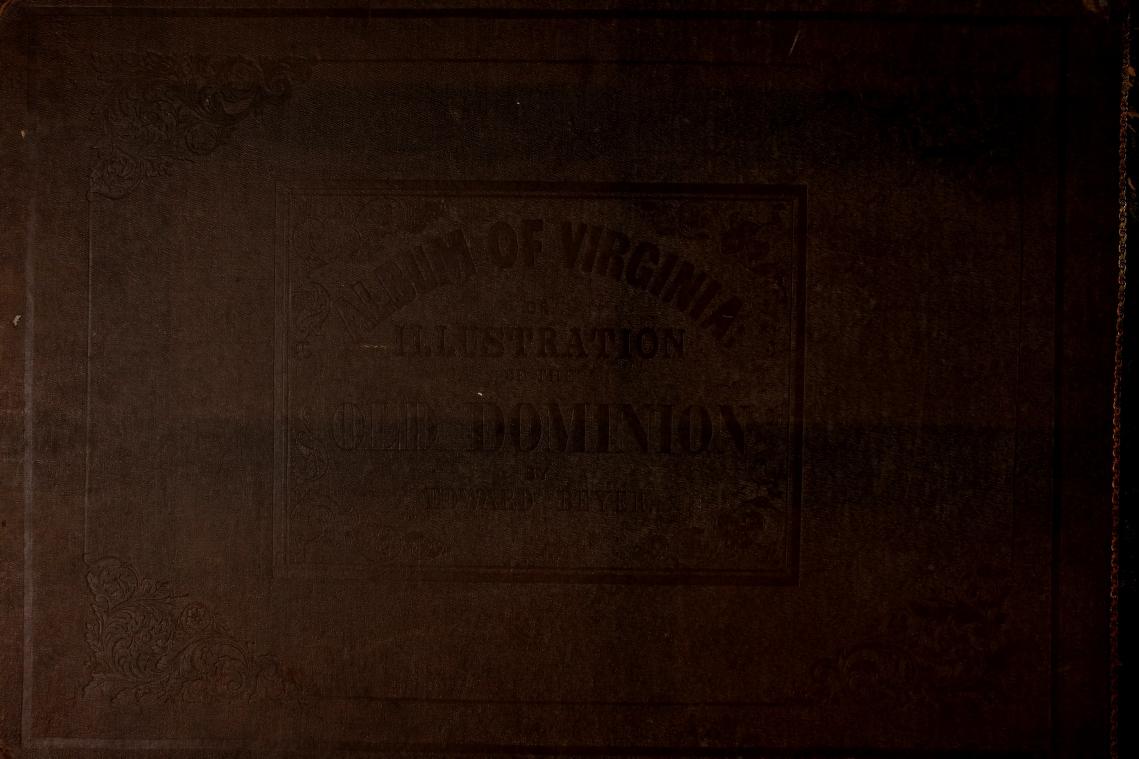 | Back Cover
|
 | Back Cover
|
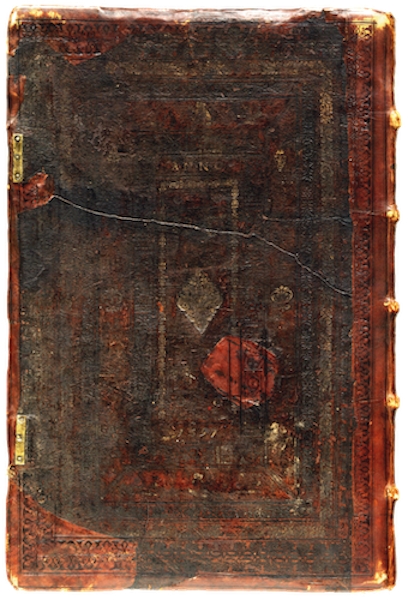 | Back Cover
|
 | Back Cover
|
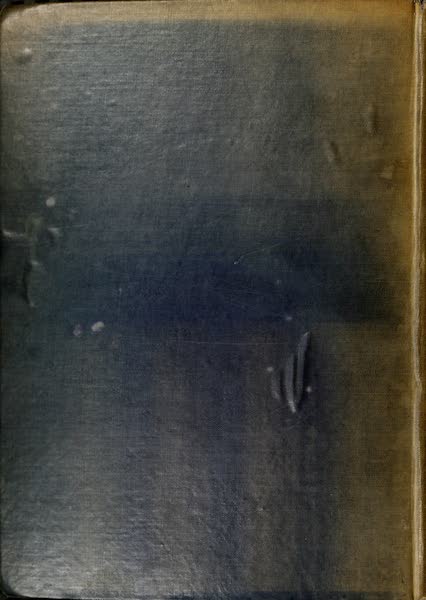 | Back Cover
|
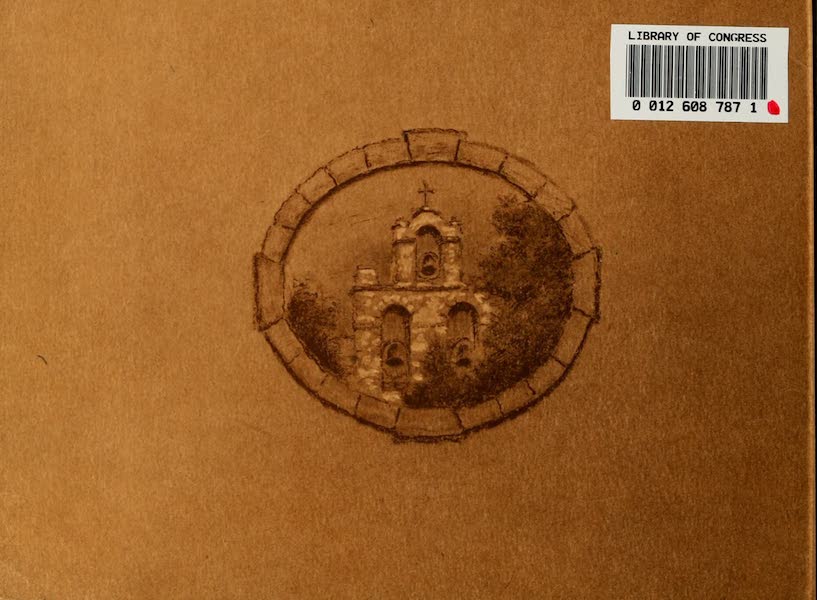 | Back Cover
|
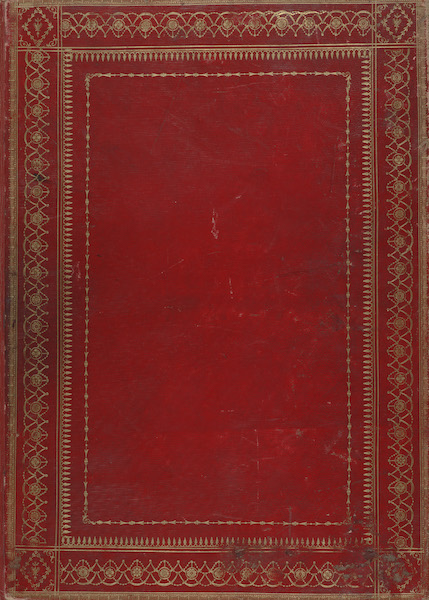 | Back Cover
|
 | Back Cover
|
 | Back Cover
|
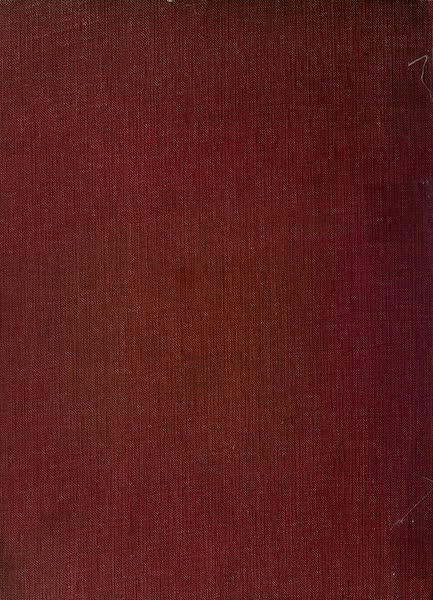 | Back Cover
|
 | Back Cover
|
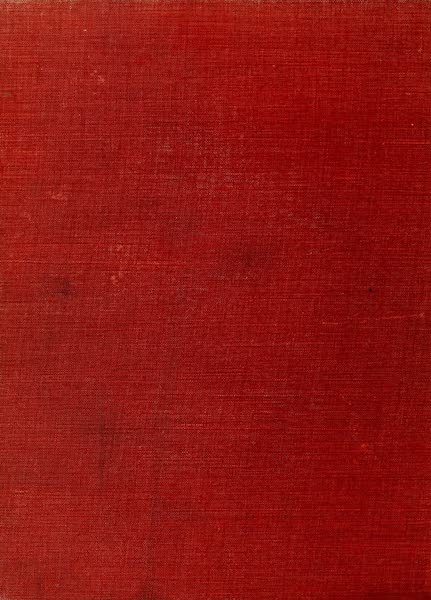 | Back Cover
|
 | Back Cover
|
 | Back Cover
|
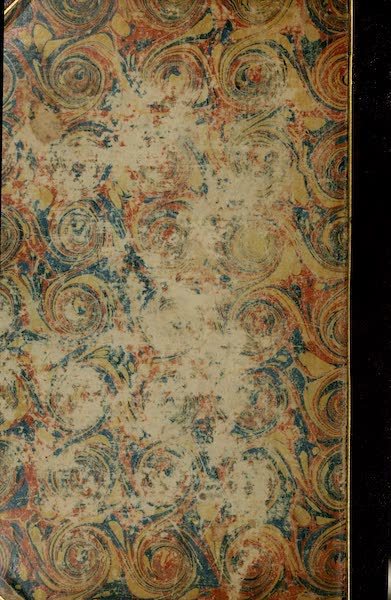 | Back Cover
|
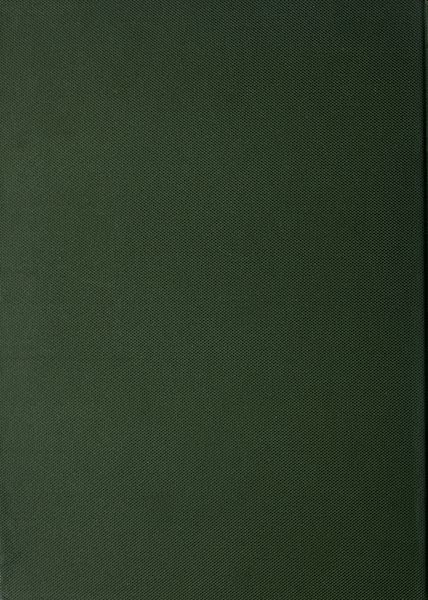 | Back Cover
|
 | Back Cover
|
 | Back Cover
|
 | Back Cover
|
 | Back Cover
|
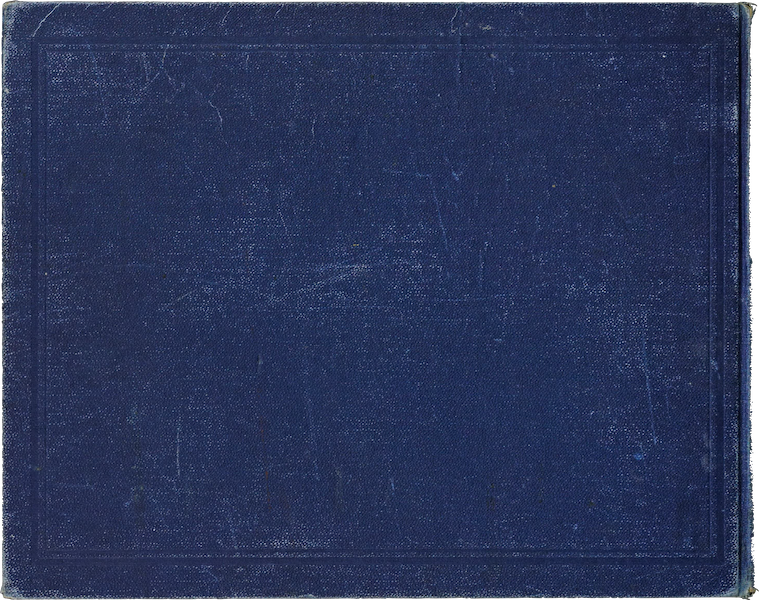 | Back Cover
|
 | Back Cover
|
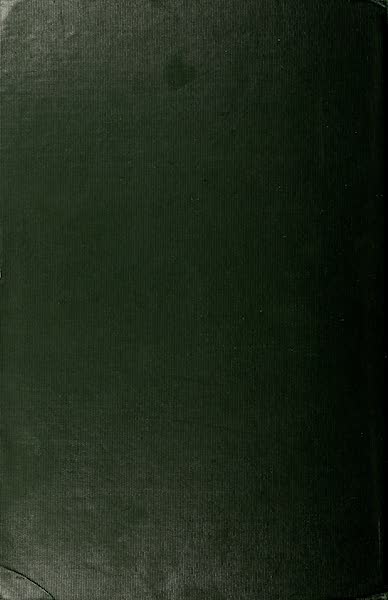 | Back Cover
|
 | Back Cover
|
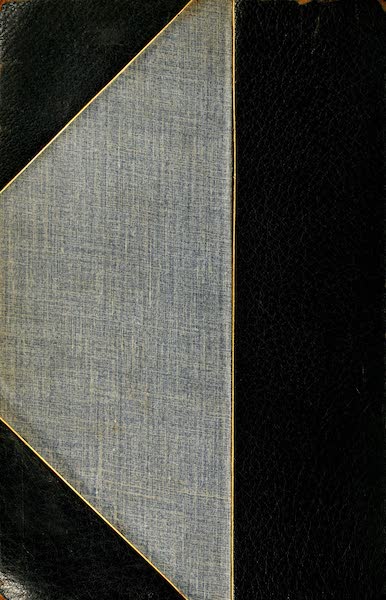 | Back Cover
|
 | Back Cover
|
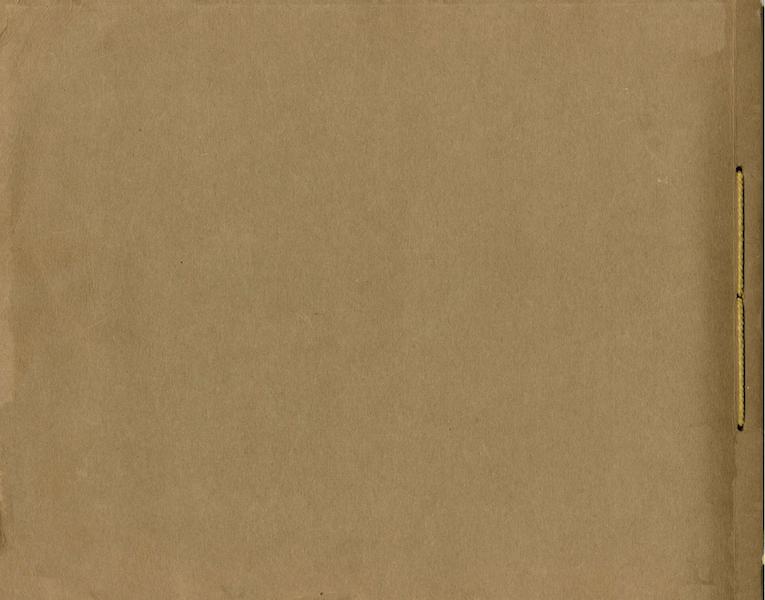 | Back Cover
|
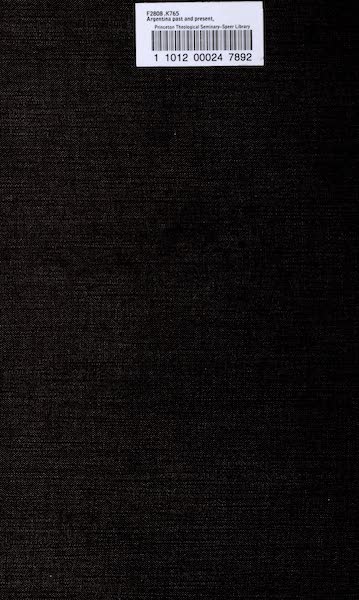 | Back Cover
|
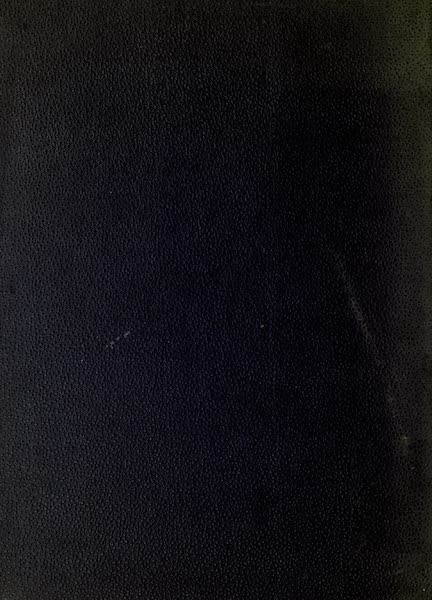 | Back Cover
|
 | Back Cover
|
 | Back Cover
|
 | Back Cover
|
 | Back Cover
|
 | Back Cover
|
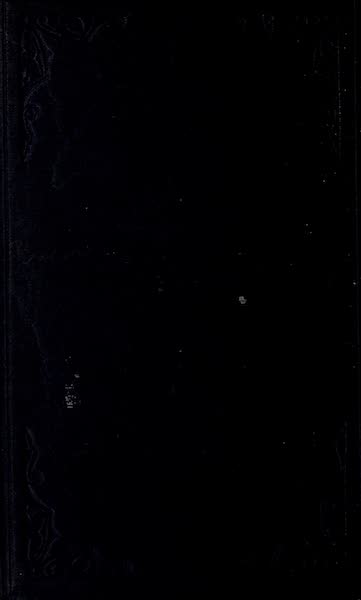 | Back Cover
|
 | Back Cover
|
 | Back Cover
|
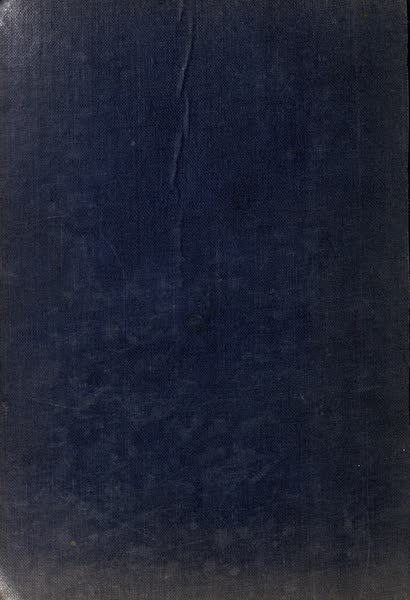 | Back Cover
|
 | Back Cover
|
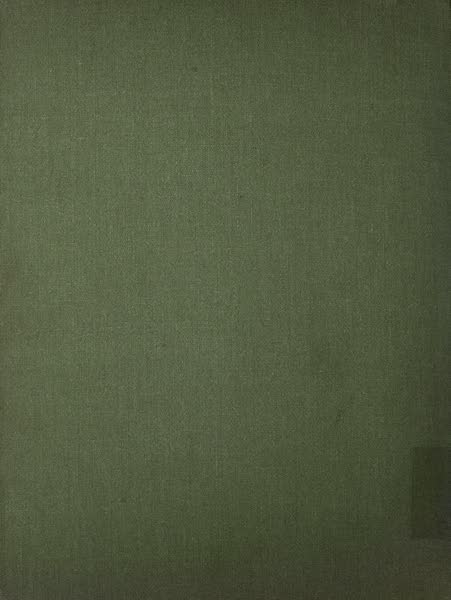 | Back Cover
|
 | Back Cover
|
 | Back Cover
|
 | Back Cover
|
 | Back Cover
|
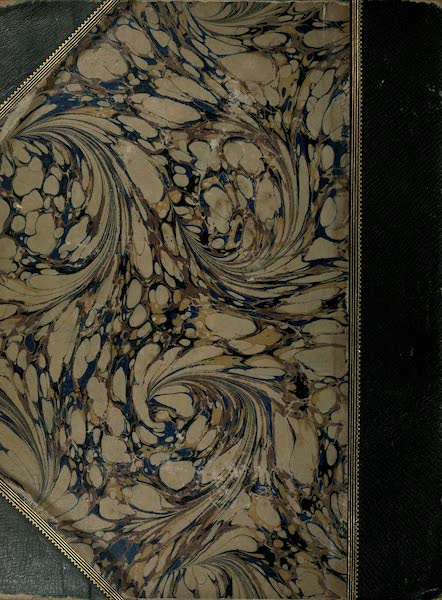 | Back Cover
|
 | Back Cover
|
 | Back Cover
|
 | Back Cover
|
 | Back Cover
|
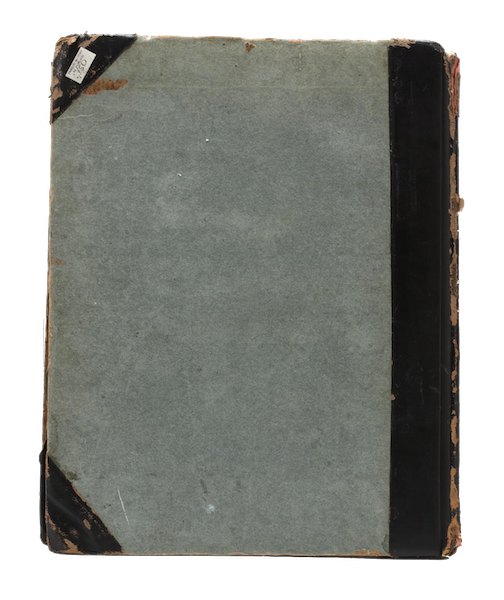 | Back Cover
|
 | Back Cover
|
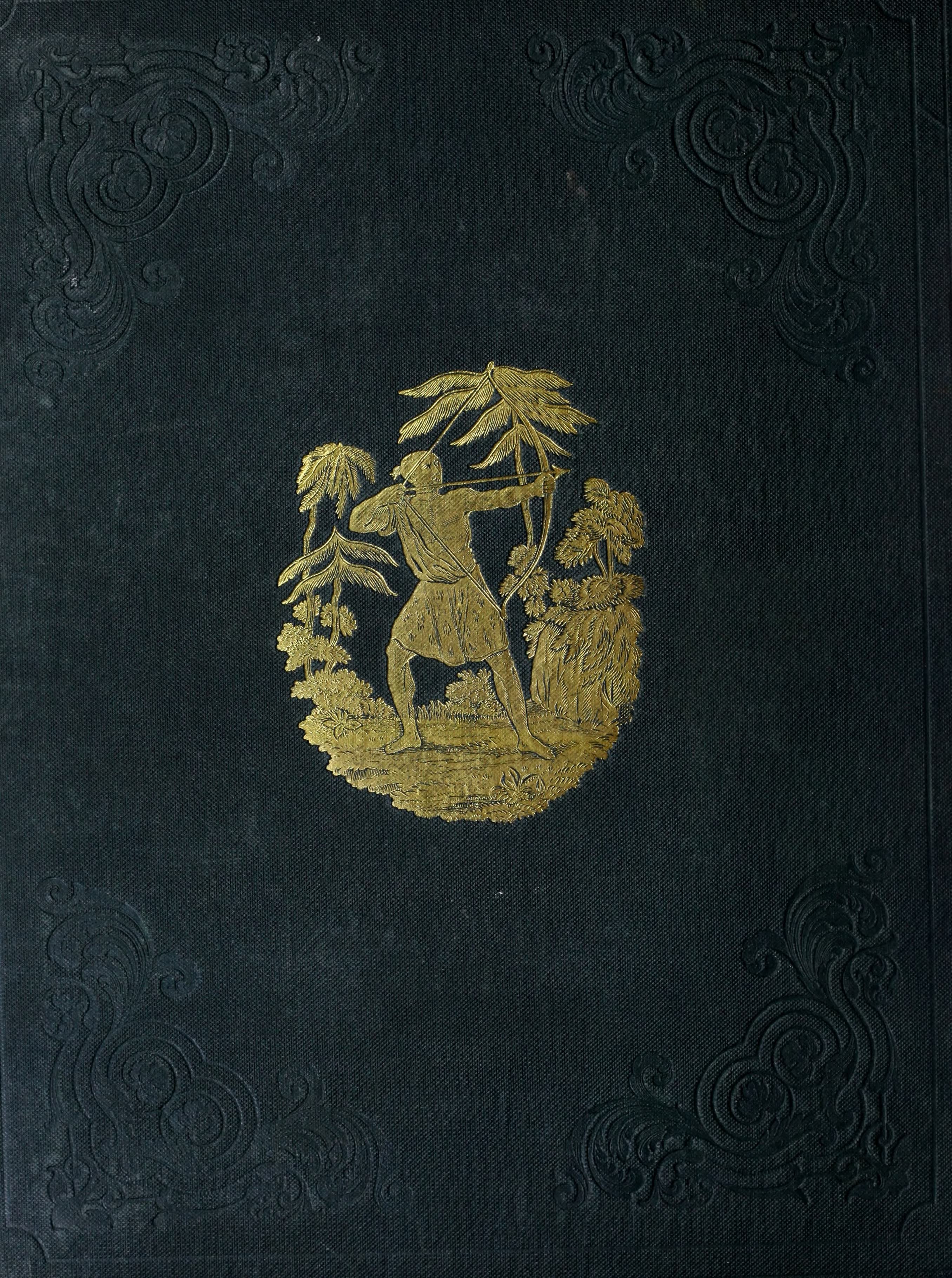 | Back Cover
|
 | Back Cover
|
 | Back Cover
|
 | Back Cover
|
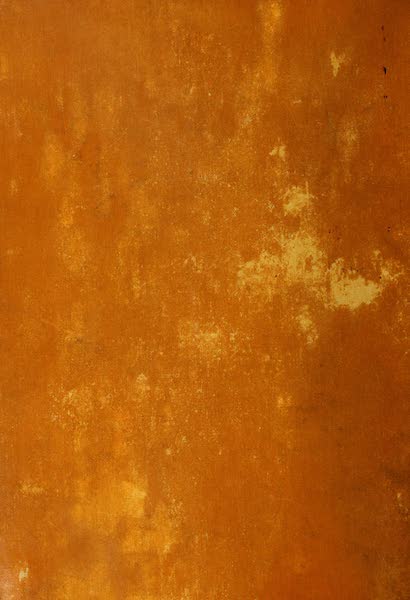 | Back Cover
|
 | Back Cover
|
 | Back Cover
|
 | Back Cover
|
 | Back Cover
|
 | Back Cover
|
 | Back Cover
|
 | Back Cover
|
 | Back Cover
|
 | Back Cover
|
 | Back Cover
|
 | Back Cover
|
 | Back Cover
|
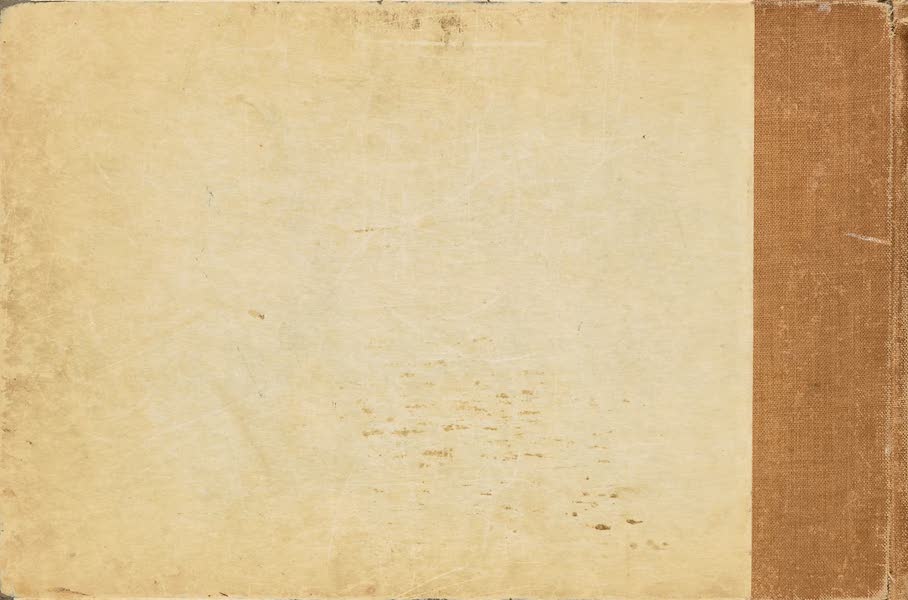 | Back Cover
|
 | Back Cover
|
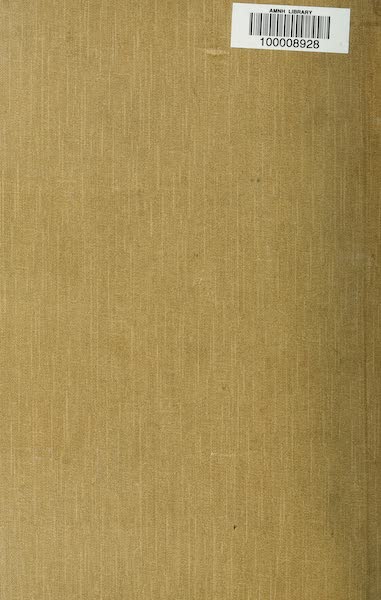 | Back Cover
|
 | Back Cover
|
 | Back Cover
|
 | Back Cover
|
 | Back Cover
|
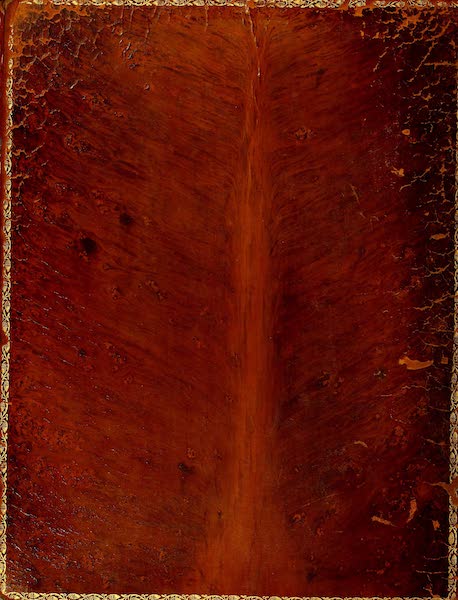 | Back Cover
|
 | Back Cover
|
 | Back Cover
|
 | Back Cover
|
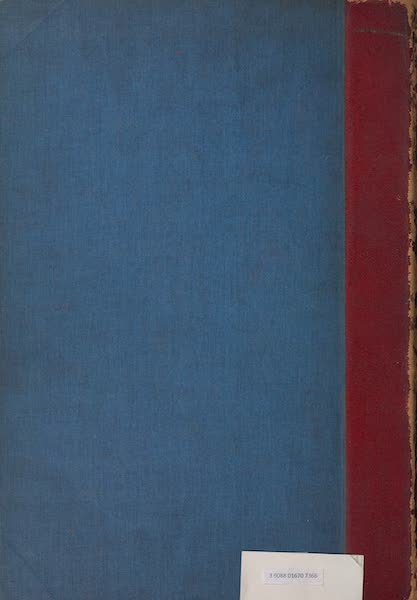 | Back Cover
|
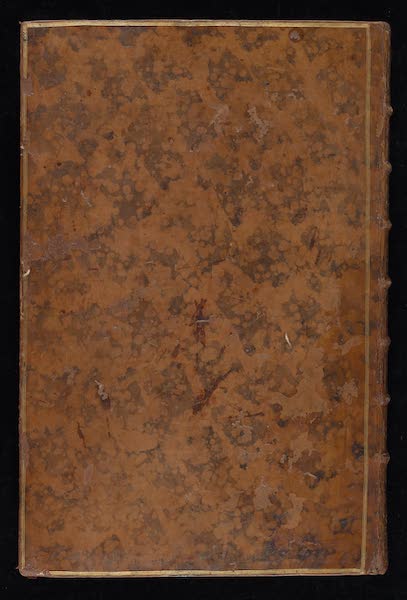 | Back Cover
|
 | Back Cover
|
 | Back Cover
|
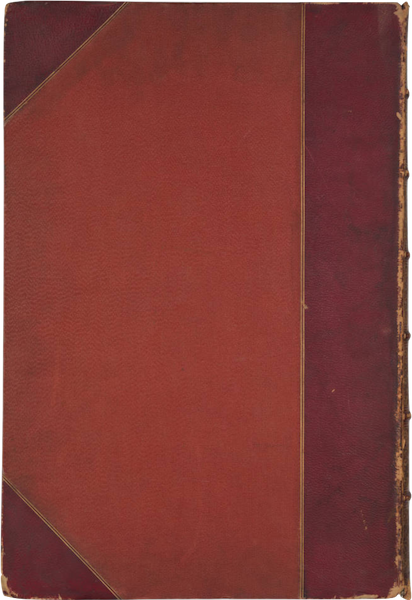 | Back Cover
|
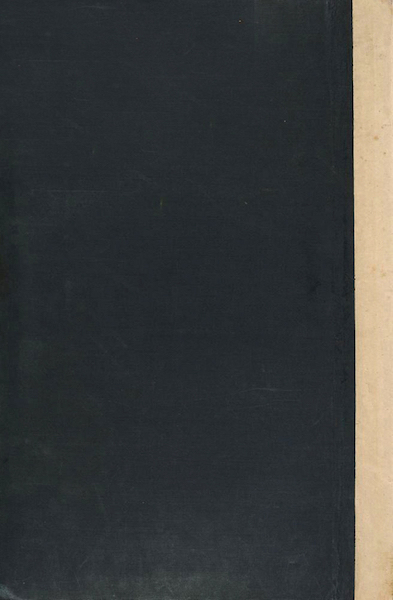 | Back Cover
|
 | Back Cover
|
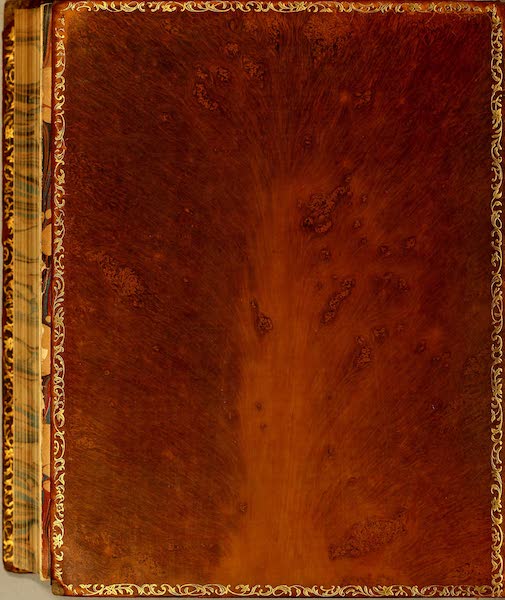 | Back Cover
|
 | Back Cover
|
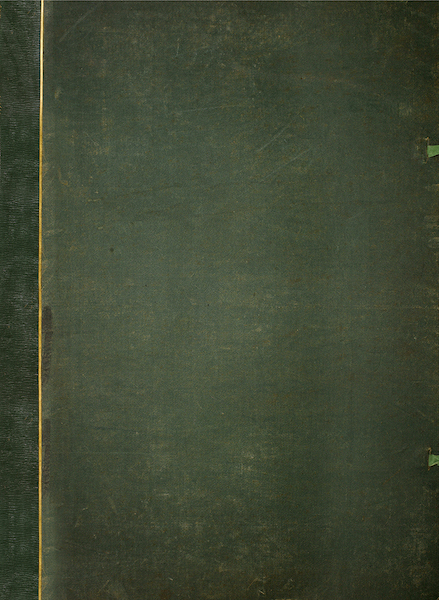 | Back Cover
|
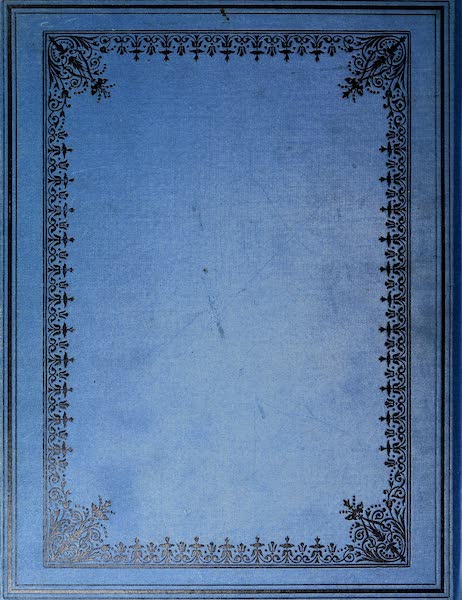 | Back Cover
|
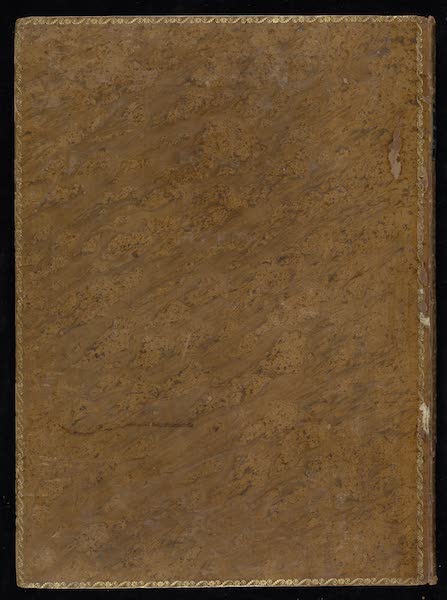 | Back Cover
|
 | Back Cover
|
 | Back Cover
|
 | Back Cover
|
 | Back Cover
|
 | Back Cover
|
 | Back Cover
|
 | Back Cover
|
 | Back Cover
|
 | Back Cover
|
 | Back Cover
|
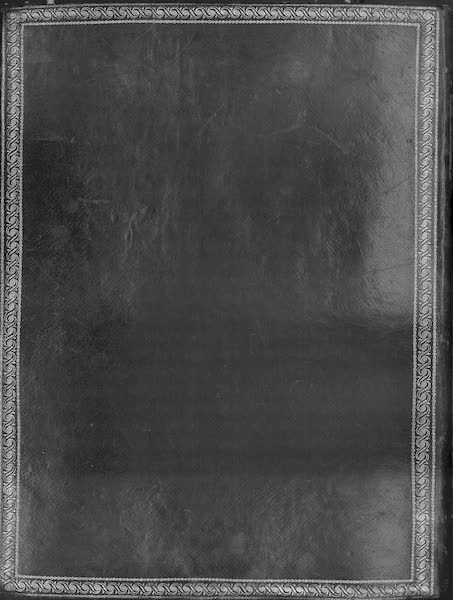 | Back Cover
|
 | Back Cover
|
 | Back Cover
|
 | Back Cover
|
 | Back Cover
|
 | Back Cover
|
 | Back Cover
|
 | Back Cover
|
 | Back Cover
|
 | Back Cover
|
 | Back Cover
|
 | Back Cover
|
 | Back Cover
|
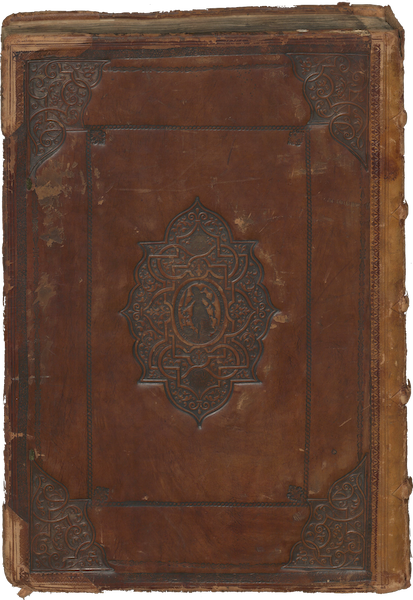 | Back Cover
|
 | Back Cover
|
 | Back Cover
|
 | Back Cover
|
 | Back Cover
|
 | Back Cover
|
 | Back Cover
|
 | Back Cover
|
 | Back Cover
Back cover of 'Eighteen Views Taken at and Near Rangoon' (1826)' |
 | Back Cover
|
 | Back Cover
|
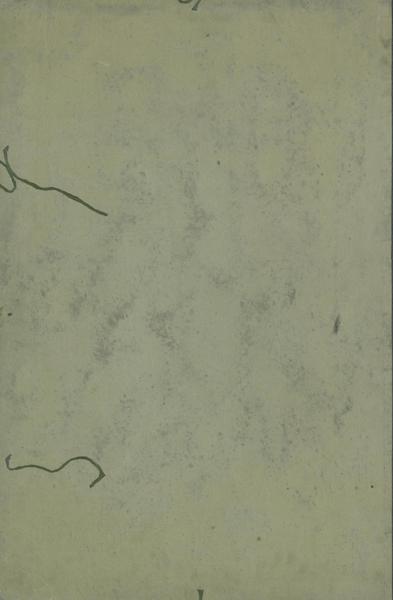 | Back Cover
|
 | Back Cover
|
 | Back Cover
|
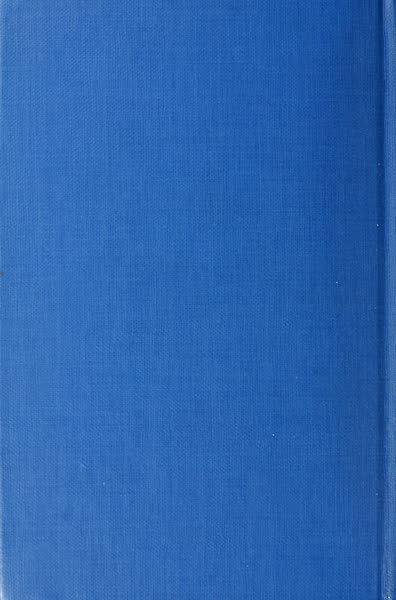 | Back Cover
|
 | Back Cover
|
 | Back Cover
|
 | Back Cover
|
 | Back Cover
|
 | Back Cover
|
 | Back Cover
|
 | Back Cover
|
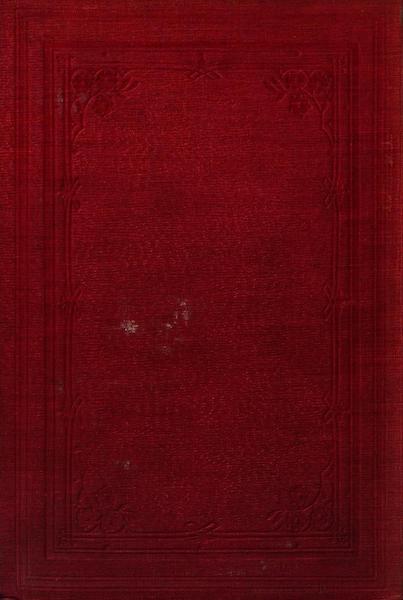 | Back Cover
|
 | Back Cover
|
 | Back Cover
|
 | Back Cover
|
 | Back Cover
Back Cover of Sketches of Newfoundland and Labrador (1858) |
 | Back Cover
|
 | Back Cover
|
 | Back Cover
|
 | Back Cover
|
 | Back Cover
|
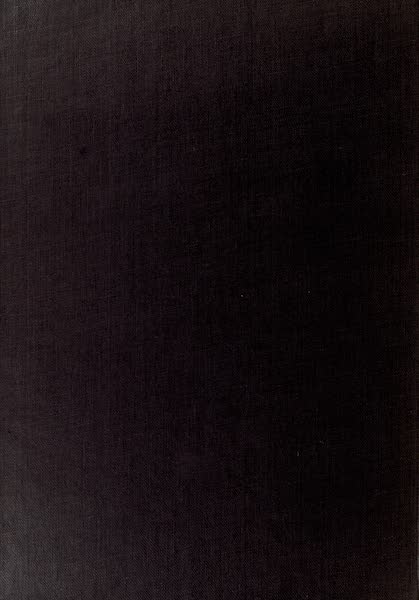 | Back Cover
|
 | Back Cover
|
 | Back Cover
|
 | Back Cover
|
 | Back Cover
|
 | Back Cover
|
 | Back Cover
|
 | Back Cover
|
 | Back Cover
|
 | Back Cover
|
 | Back Cover
|
 | Back Cover
|
 | Back Cover
|
 | Back Cover
|
 | Back Cover
|
 | Back Cover
|
 | Back Cover
|
 | Back Cover
|
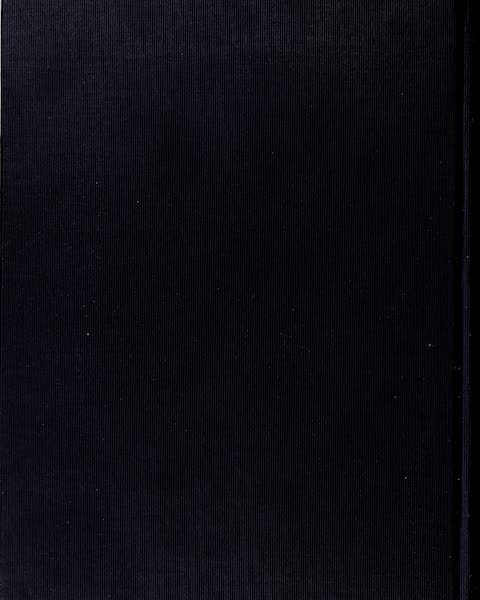 | Back Cover
|
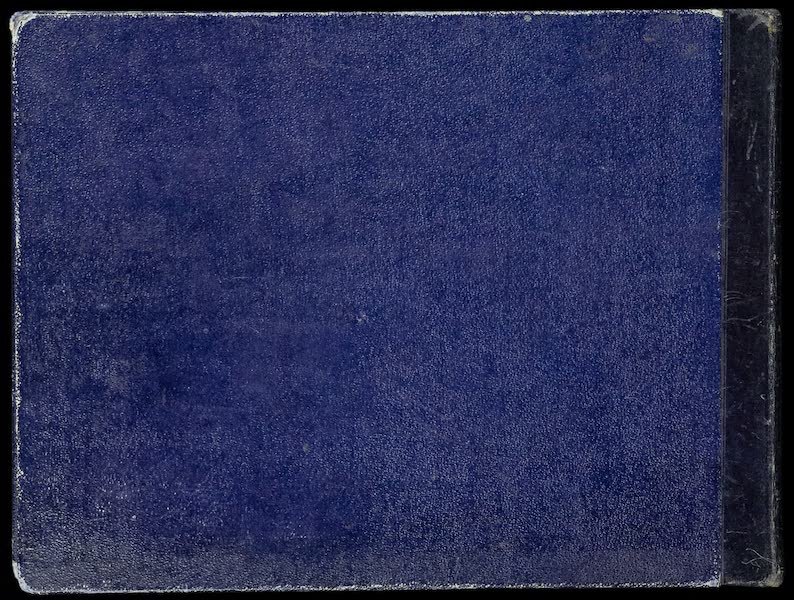 | Back Cover
|
 | Back Cover
|
 | Back Cover
|
 | Back Cover
|
 | Back Cover
|
 | Back Cover
|
 | Back Cover
|
 | Back Cover
|
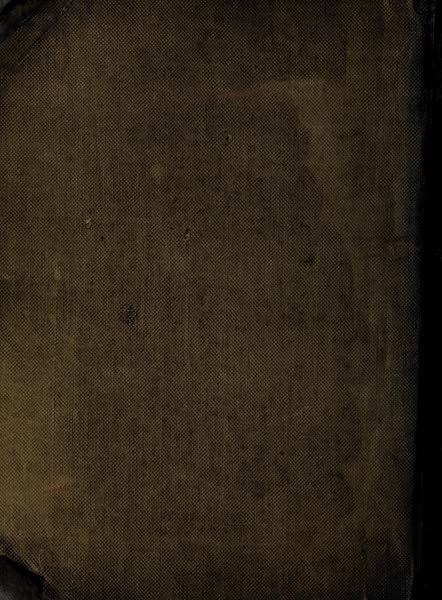 | Back Cover
|
 | Back Cover
|
 | Back Cover
|
 | Back Cover
|
 | Back Cover
|
 | Back Cover
|
 | Back Cover
|
 | Back Cover
|
 | Back Cover
|
 | Back Cover
|
 | Back Cover
|
 | Back Cover
|
 | Back Cover
|
 | Back Cover
|
 | Back Cover
|
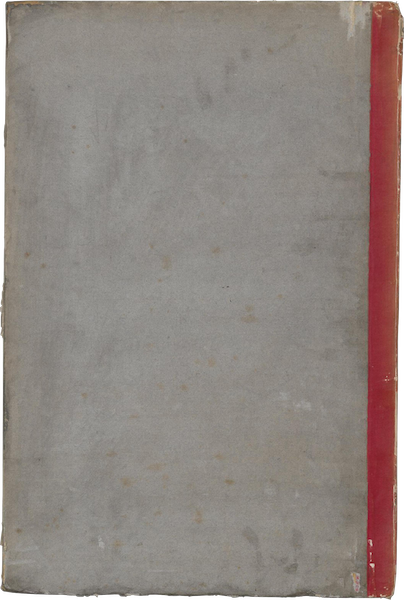 | Back Cover
|
 | Back Cover
|
 | Back Cover
|
 | Back Cover
|
 | Back Cover
|
 | Back Cover
|
 | Back Cover
|
 | Back Cover
|
 | Back Cover
|
 | Back Cover
|
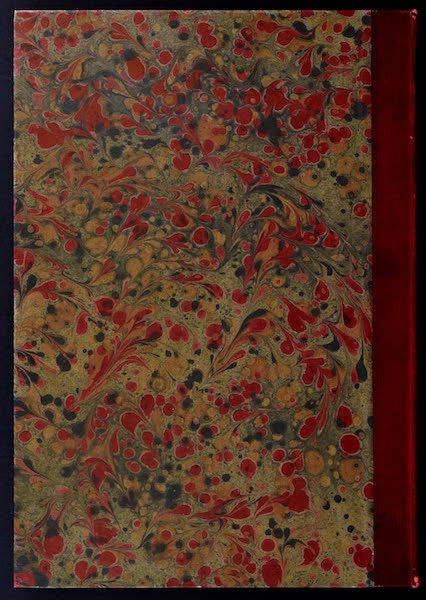 | Back Cover
|
 | Back Cover
|
 | Back Cover
|
 | Back Cover
|
 | Back Cover
|
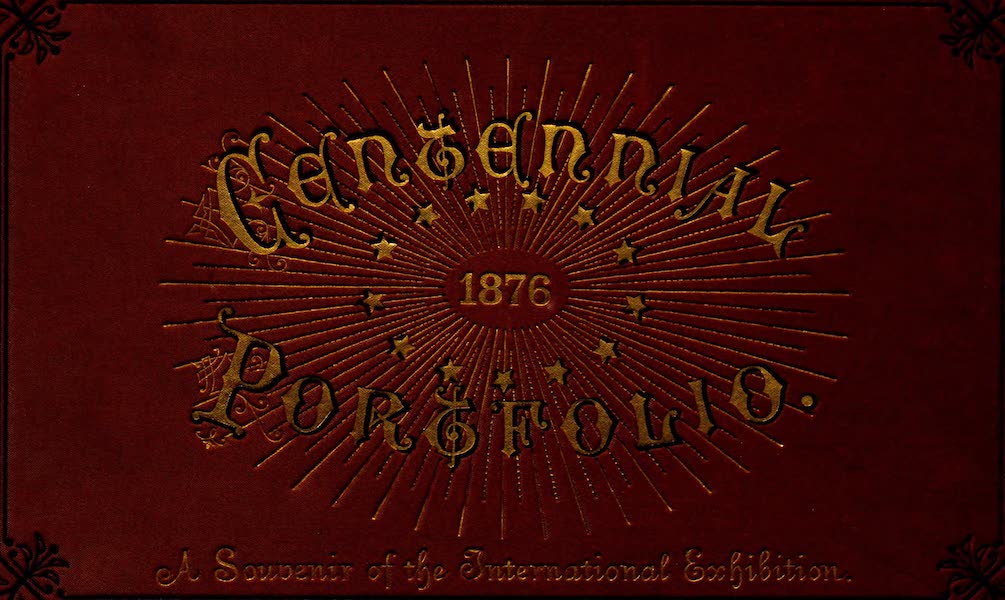 | Back Cover
|
 | Back Cover
|
 | Back Cover
|
 | Back Cover
|
 | Back Cover
|
 | Back Cover
|
 | Back Cover
|
 | Back Cover
|
 | Back Cover
|
 | Back Cover
|
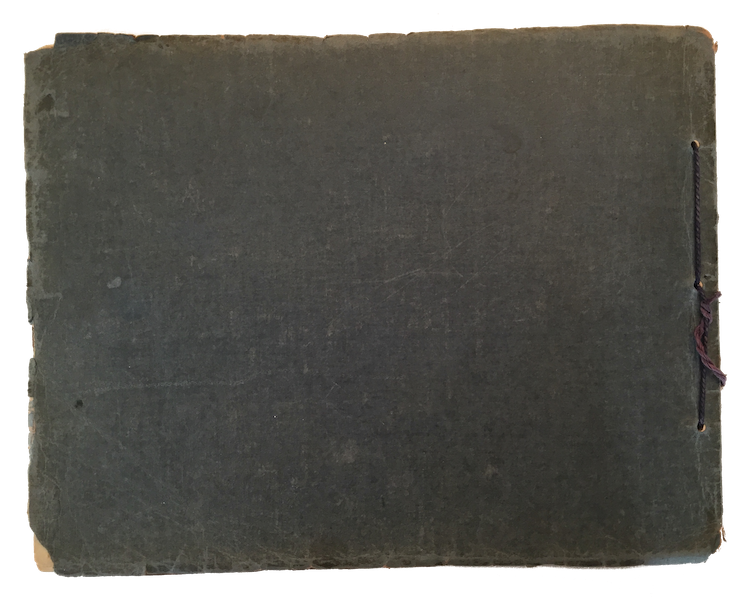 | Back Cover
|
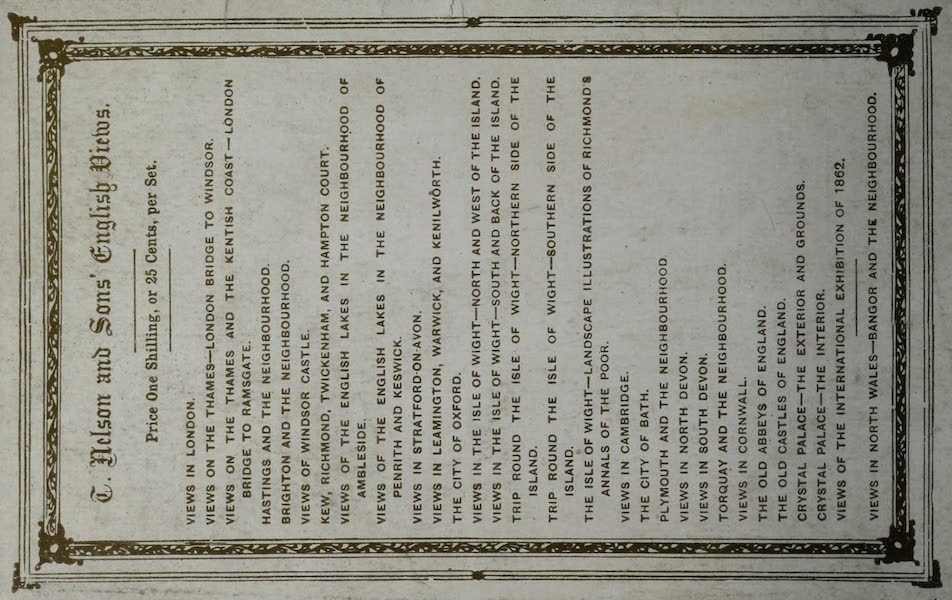 | Back Cover
|
 | Back Cover
|
 | Back Cover
|
 | Back Cover
|
 | Back Cover
|
 | Back Cover
|
 | Back Cover
|
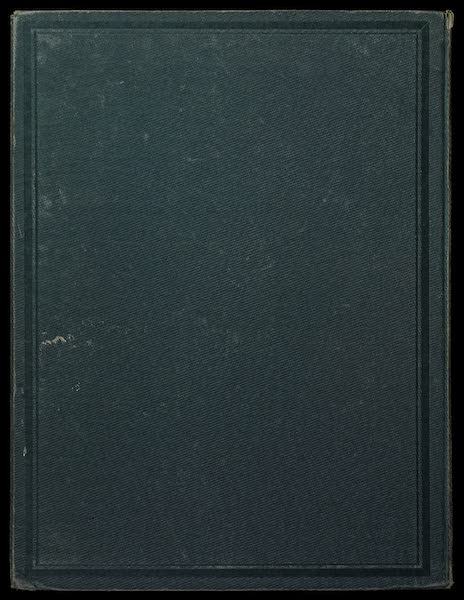 | Back Cover
|
 | Back Cover
|
 | Back Cover
|
 | Back Cover
|
 | Back Cover
|
 | Back Cover
|
 | Back Cover
|
 | Back Cover
|
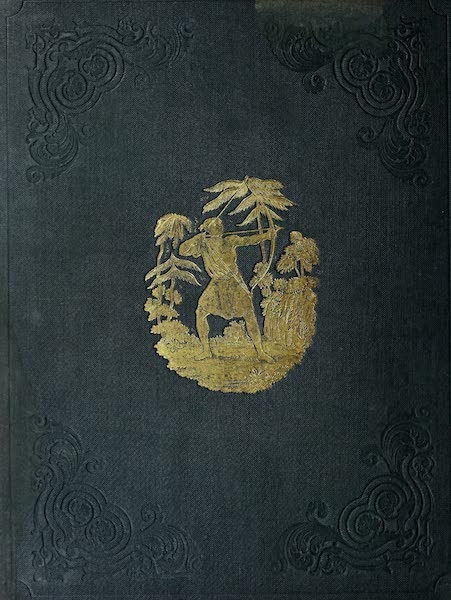 | Back Cover
|
 | Back Cover
|
 | Back Cover
|
 | Back Cover
|
 | Back Cover
|
 | Back Cover
|
 | Back Cover
|
 | Back Cover
|
 | Back Cover
|
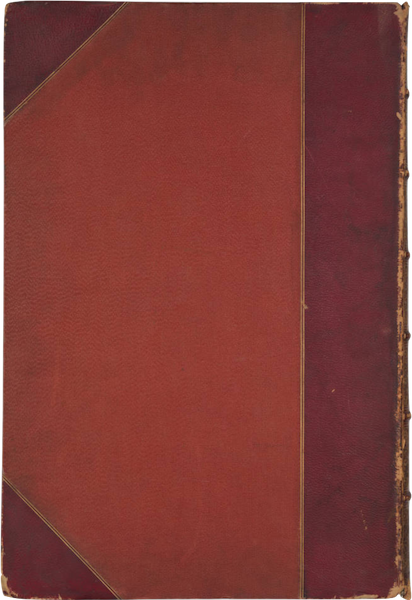 | Back Cover
|
 | Back Cover
|
 | Back Cover
|
 | Back Cover
|
 | Back Cover
|
 | Back Cover
|
 | Back Cover
|
 | Back Cover
|
 | Back Cover
|
 | Back Cover
|
 | Back Cover
|
 | Back Cover
|
 | Back Cover
|
 | Back Cover
|
 | Back Cover
|
 | Back Cover
|
 | Back Cover
|
 | Back Cover
|
 | Back Cover
|
 | Back Cover
|
 | Back Cover
|
 | Back Cover
|
 | Back Cover
|
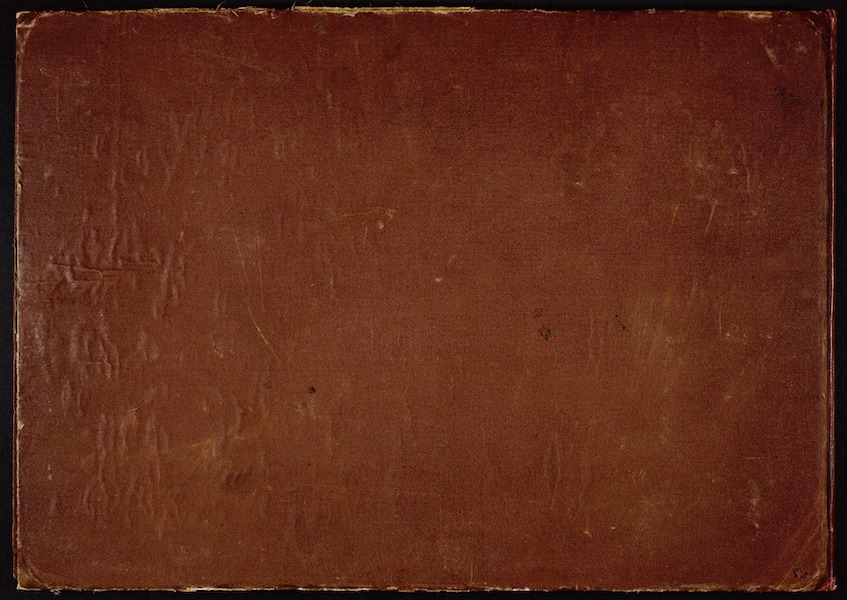 | Back Cover
|
 | Back Cover
|
 | Back Cover
|
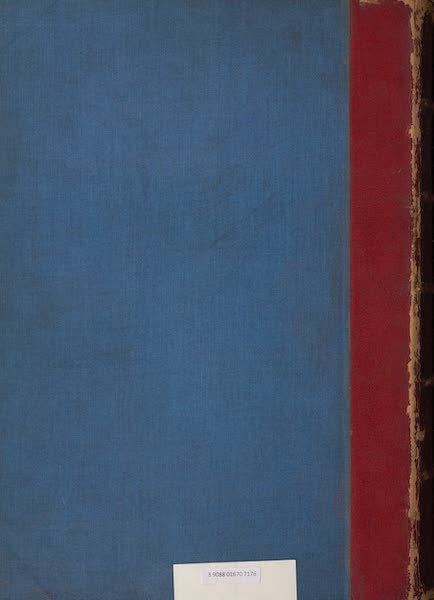 | Back Cover
|
 | Back Cover
|
 | Back Cover
|
 | Back Cover
|
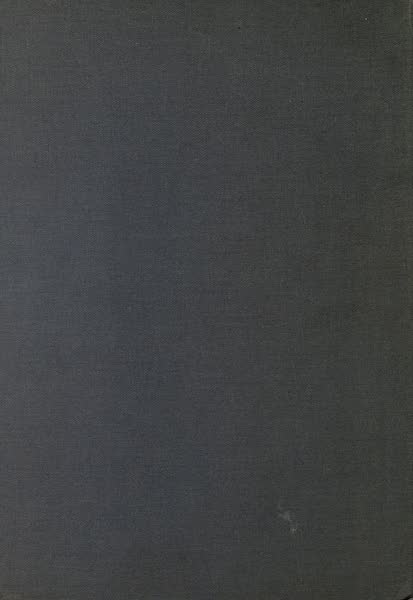 | Back Cover
|
 | Back Cover
|
 | Back Cover
|
 | Back Cover
|
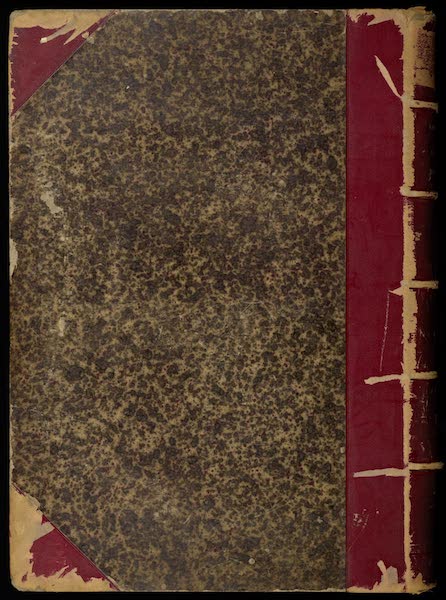 | Back Cover
|
 | Back Cover
|
 | Back Cover
|
 | Back Cover
|
 | Back Cover
|
 | Back Cover
|
 | Back Cover
|
 | Back Cover
|
 | Back Cover
|
 | Back Cover
|
 | Back Cover
|
 | Back Cover
|
 | Back Cover
|
 | Back Cover
|
 | Back Cover
|
 | Back Cover
|
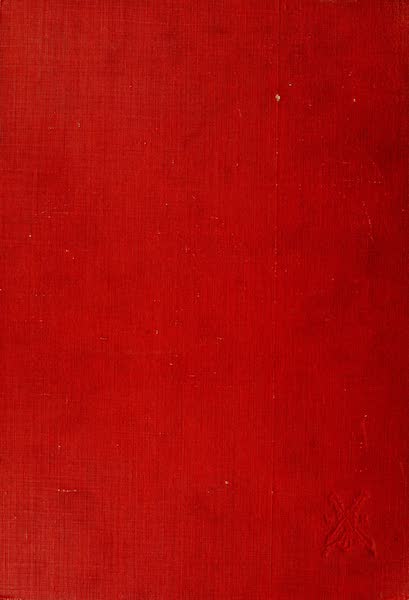 | Back Cover
|
 | Back Cover
|
 | Back Cover
|
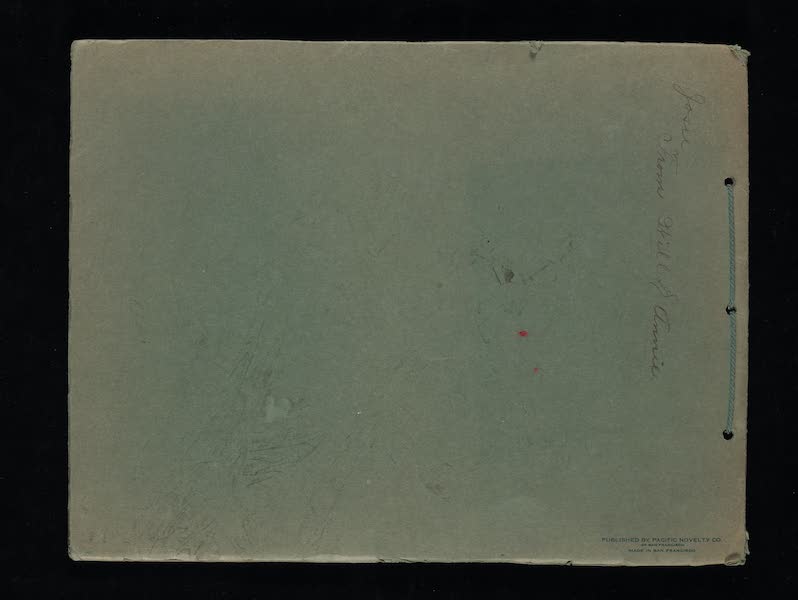 | Back Cover
|
 | Back Cover
|
 | Back Cover
|
 | Back Cover
|
 | Back Cover
|
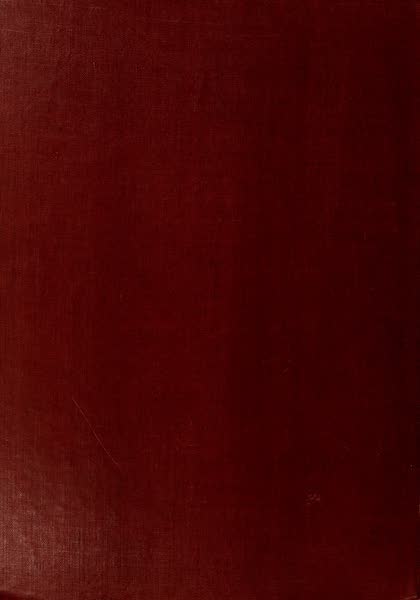 | Back Cover
|
 | Back Cover
|
 | Back Cover
|
 | Back Cover
|
 | Back Cover
|
 | Back Cover
|
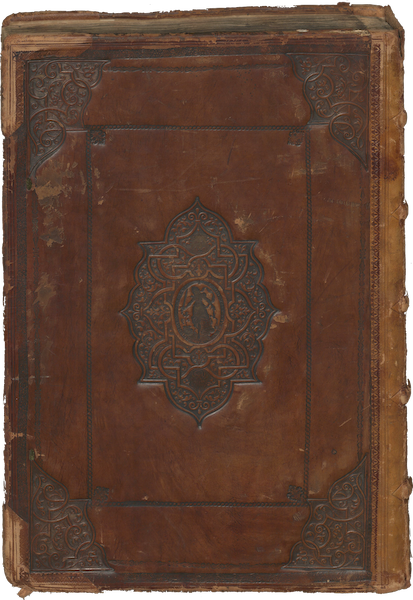 | Back Cover
|
 | Back Cover
|
 | Back Cover
|
 | Back Cover
|
 | Back Cover
|
 | Back Cover
|
 | Back Cover
|
 | Back Cover
|
 | Back Cover
|
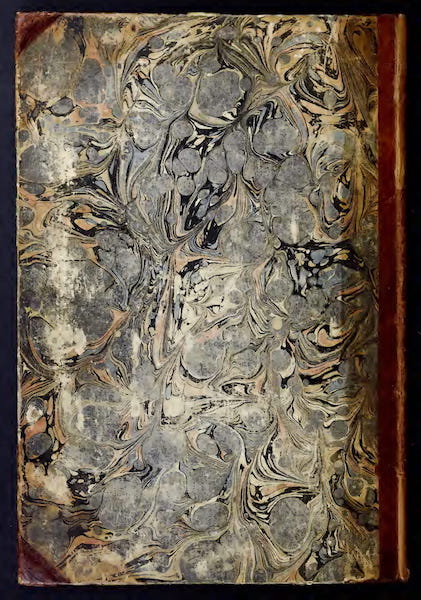 | Back Cover
|
 | Back Cover
|
 | Back Cover
|
 | Back Cover
|
 | Back Cover
|
 | Back Cover
|
 | Back Cover
|
 | Back Cover
|
 | Back Cover
|
 | Back Cover
|
 | Back Cover
|
 | Back Cover
|
 | Back Cover
|
 | Back Cover
|
 | Back Cover
Back cover for Views of Calcutta and It's Environs (1826) |
 | Back Cover
|
 | Back Cover
|
 | Back Cover
|
 | Back Cover
|
 | Back Cover
|
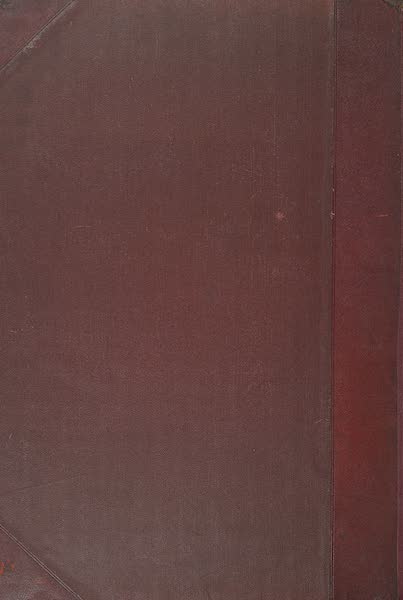 | Back Cover
|
 | Back Cover
Back Cover of The Ruins of Gour (1817) |
 | Back Cover
|
 | Back Cover
|
 | Back Cover
|
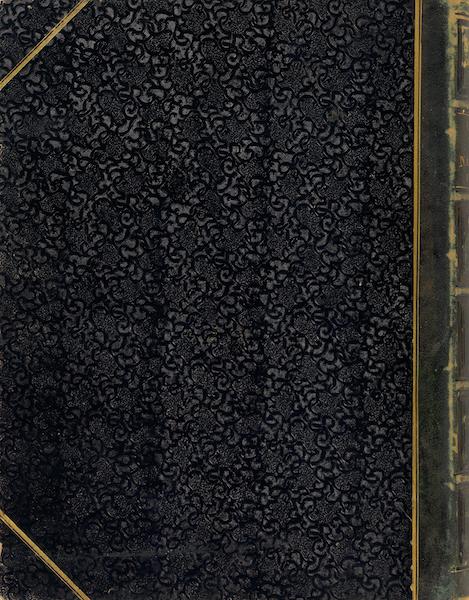 | Back Cover
|
 | Back Cover
|
 | Back Cover
|
 | Back Cover
|
 | Back Cover
|
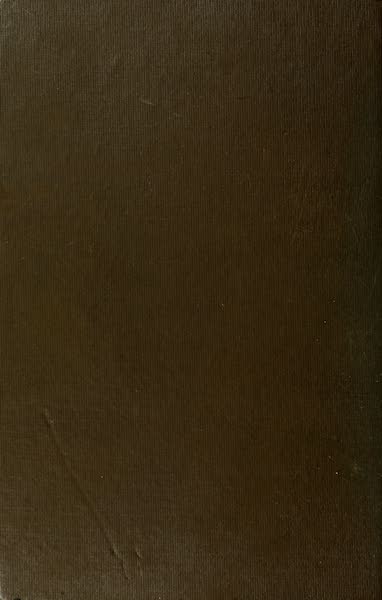 | Back Cover
|
 | Back Cover
|
 | Back Cover
|
 | Back Cover
|
 | Back Cover
|
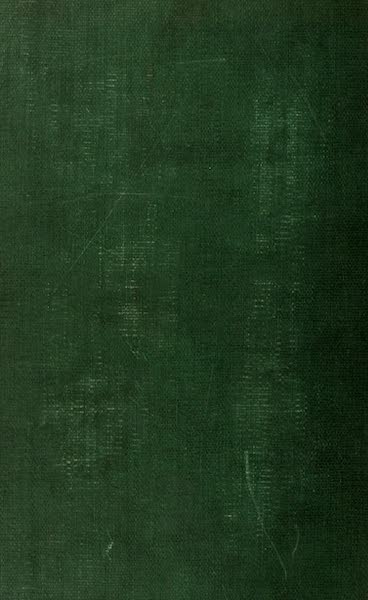 | Back Cover
|
 | Back Cover
|
 | Back Cover
|
 | Back Cover
|
 | Back Cover
|
 | Back Cover
|
 | Back Cover
|
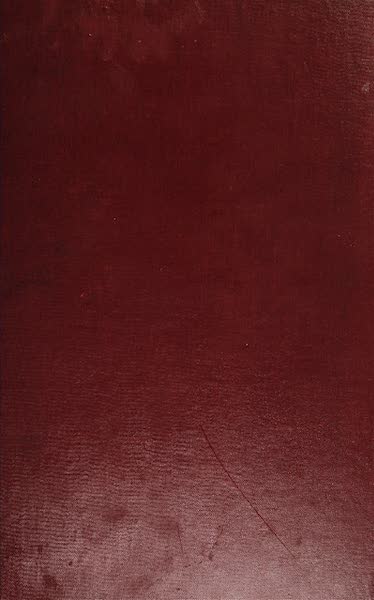 | Back Cover
|
 | Back Cover
|
 | Back Cover
|
 | Back Cover
|
 | Back Cover
|
 | Back Cover
|
 | Back Cover
|
 | Back Cover
|
 | Back Cover
|
 | Back Cover
|
 | Back Cover
|
 | Back Cover
|
 | Back Cover
|
 | Back Cover
|
 | Back Cover
|
 | Back Cover
|
 | Back Cover
|
 | Back Cover
|
 | Back Cover
|
 | Back Cover
|
 | Back Cover
|
 | Back Cover
|
 | Back Cover
|
 | Back Cover
|
 | Back Cover
|
 | Back Cover
|
 | Back Cover
|
 | Back Cover
|
 | Back Cover
|
 | Back Cover
|
 | Back Cover
|
 | Back Cover
|
 | Back Cover
|
 | Back Cover
|
 | Back Cover
|
 | Back Cover
|
 | Back Cover
|
 | Back Cover
|
 | Back Cover
|
 | Back Cover
|
 | Back Cover
|
 | Back Cover
|
 | Back Cover
|
 | Back Cover
|
 | Back Cover
|
 | Back Cover
|
 | Back Cover
|
 | Back Cover
|
 | Back Cover
|
 | Back Cover
|
 | Back Cover
|
 | Back Cover
|
 | Back Cover
|
 | Back Cover
|
 | Back Cover
|
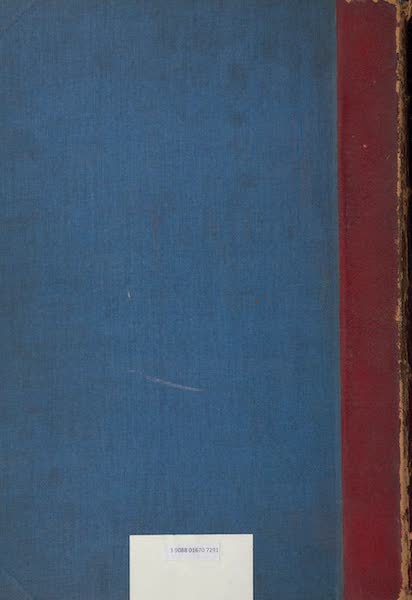 | Back Cover
|
 | Back Cover
|
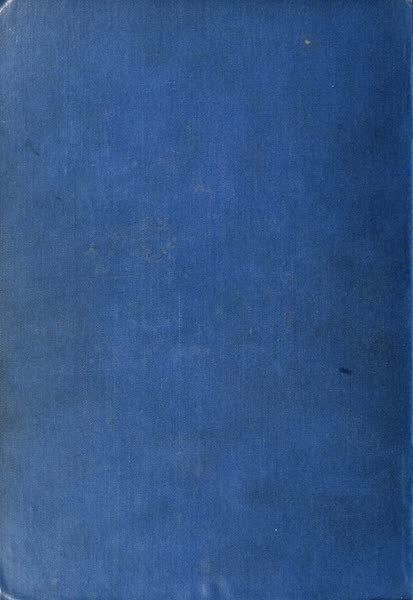 | Back Cover
|
 | Back Cover
|
 | Back Cover
|
 | Back Cover
|
 | Back Cover
|
 | Back Cover
|
 | Back Cover
|
 | Back Cover
|
 | Back Cover
|
 | Back Cover
|
 | Back Cover
|
 | Back Cover
|
 | Back Cover
|
 | Back Cover
|
 | Back Cover
|
 | Back Cover
|
 | Back Cover
|
 | Back Cover
|
 | Back Cover
|
 | Back Cover
|
 | Back Cover
|
 | Back Cover
|
 | Back Cover
|
 | Back Cover
|
 | Back Cover
|
 | Back Cover
|
 | Back Cover
|
 | Back Cover
|
 | Back Cover
|
 | Back Cover
|
 | Back Cover
|
 | Back Cover
|
 | Back Cover
|
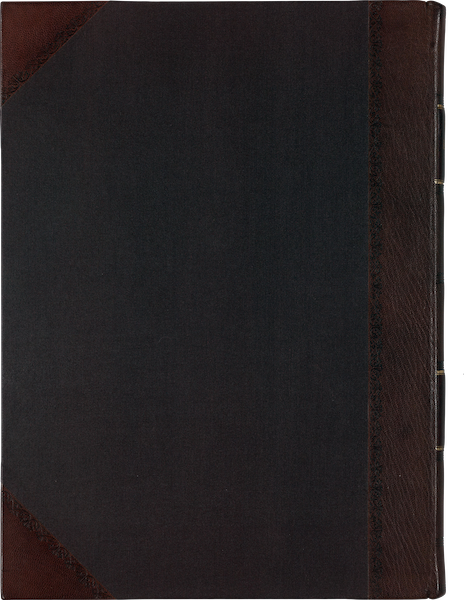 | Back Cover
|
 | Back Cover
|
 | Back Cover
|
 | Back Cover
|
 | Back Cover
|
 | Back Cover
|
 | Back Cover
|
 | Back Cover
|
 | Back Cover
|
 | Back Cover
|
 | Back Cover
|
 | Back Cover
|
 | Back Cover
|
 | Back Cover
|
 | Back Cover
|
 | Back Cover
|
 | Back Cover
|
 | Back Cover
|
 | Back Cover
|
 | Back Cover
|
 | Back Cover
|
 | Back Cover
|
 | Back Cover
|
 | Back Cover
|
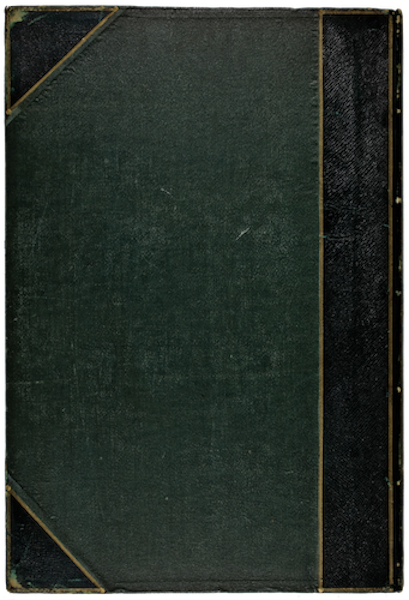 | Back Cover
|
 | Back Cover
|
 | Back Cover
|
 | Back Cover
|
 | Back Cover
|
 | Back Cover
|
 | Back Cover
|
 | Back Cover
|
 | Back Cover
|
 | Back Cover
|
 | Back Cover
|
 | Back Cover
|
 | Back Cover
|
 | Back Cover
|
 | Back Cover
|
 | Back Cover
|
 | Back Cover
|
 | Back Cover
|
 | Back Cover
|
 | Back Cover
|
 | Back Cover
|
 | Back Cover
|
 | Back Cover
|
 | Back Cover
|
 | Back Cover
|
 | Back Cover
|
 | Back Cover
|
 | Back Cover
|
 | Back Cover
|
 | Back Cover
|
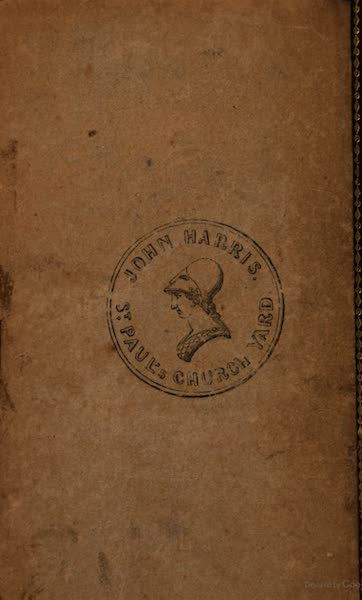 | Back Cover
|
 | Back Cover
|
 | Back Cover
|
 | Back Cover
|
 | Back Cover
|
 | Back Cover
|
 | Back Cover
|
 | Back Cover
|
 | Back Cover
|
 | Back Cover
|
 | Back Cover
|
 | Back Cover
|
 | Back Cover
|
 | Back Cover
|
 | Back Cover
|
 | Back Cover
|
 | Back Cover
|
 | Back Cover
|
 | Back Cover
|
 | Back Cover
|
 | Back Cover
|
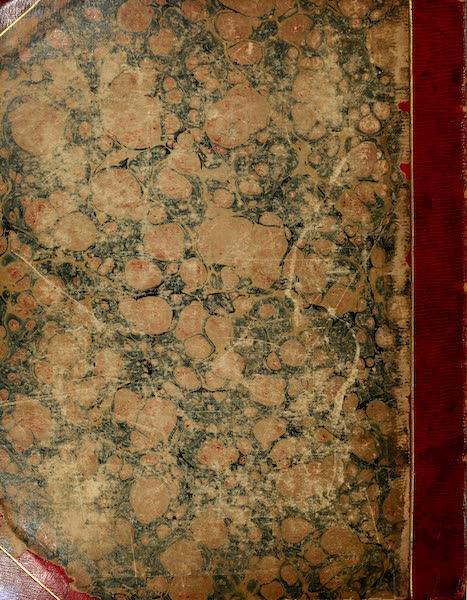 | Back Cover
|
 | Back Cover
|
 | Back Cover
|
 | Back Cover
|
 | Back Cover
|
 | Back Cover
|
 | Back Cover
|
 | Back Cover
|
 | Back Cover
|
 | Back Cover
|
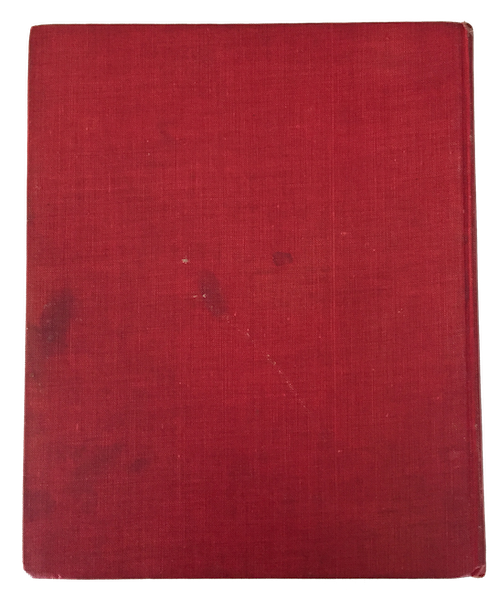 | Back Cover
|
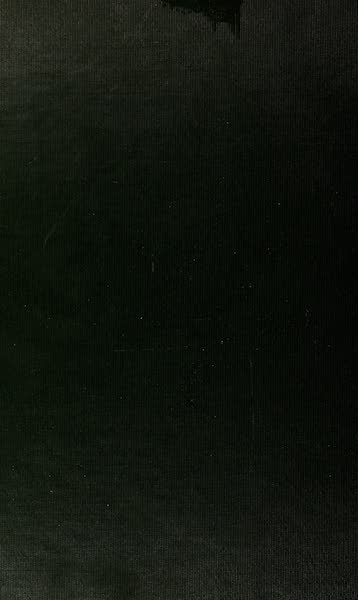 | Back Cover
|
 | Back Cover
|
 | Back Cover
|
 | Back Cover
|
 | Back Cover
|
 | Back Cover
|
 | Back Cover
|
 | Back Cover
|
 | Back Cover
|
 | Back Cover
|
 | Back Cover
|
 | Back Cover
|
 | Back Cover
|
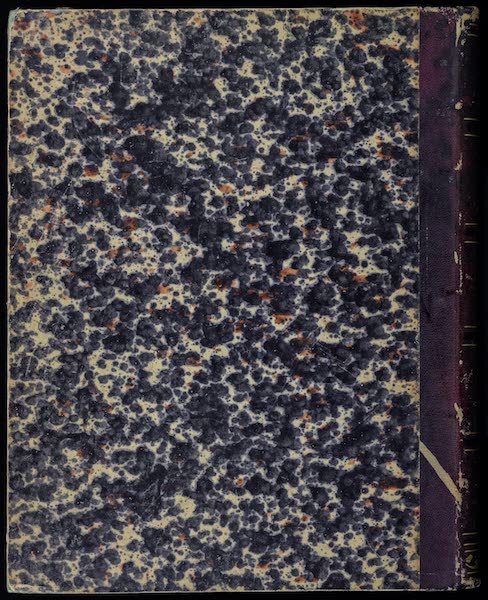 | Back Cover
|
 | Back Cover
|
 | Back Cover
|
 | Back Cover
|
 | Back Cover
|
 | Back Cover
|
 | Back Cover
|
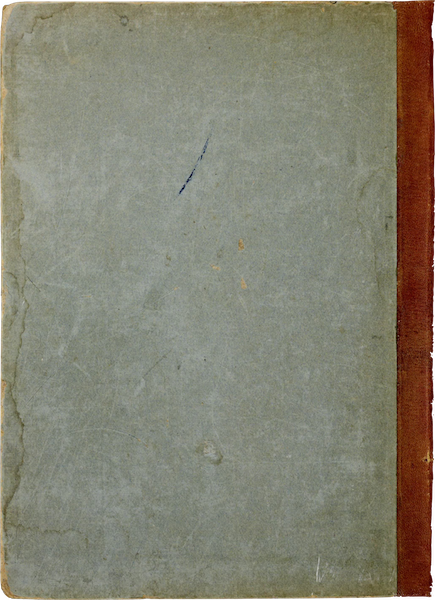 | Back Cover
|
 | Back Cover
|
 | Back Cover
|
 | Back Cover
|
 | Back Cover
|
 | Back Cover
|
 | Back Cover
|
 | Back Cover
|
 | Back Cover
|
 | Back Cover
|
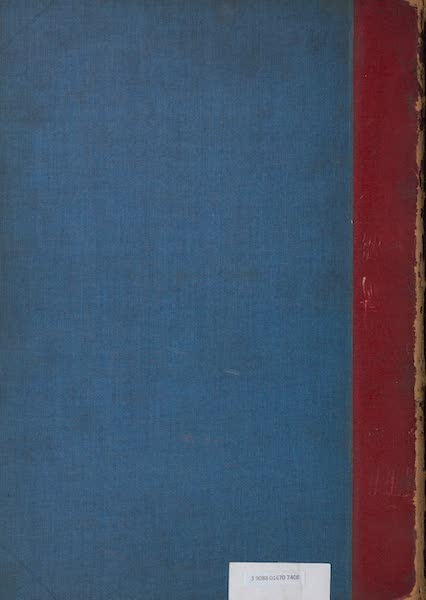 | Back Cover
|
 | Back Cover
|
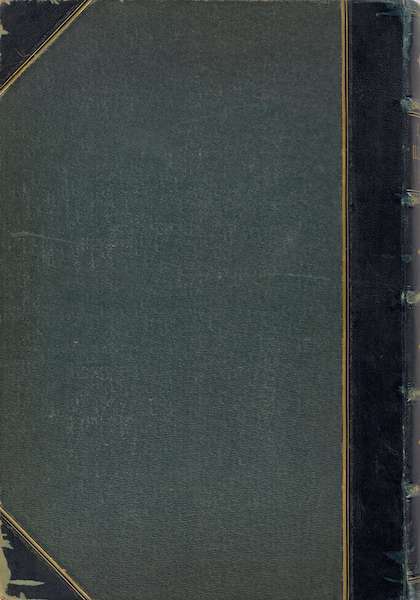 | Back Cover
|
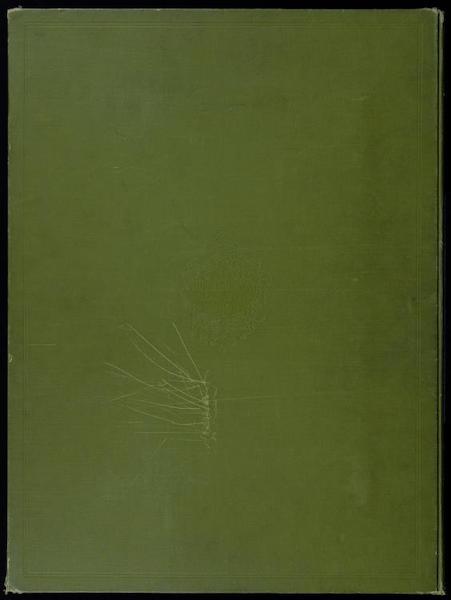 | Back Cover
|
 | Back Cover
|
 | Back Cover
|
 | Back Cover
|
 | Back Cover
|
 | Back Cover
|
 | Back Cover
|
 | Back Cover
|
 | Back Cover
|
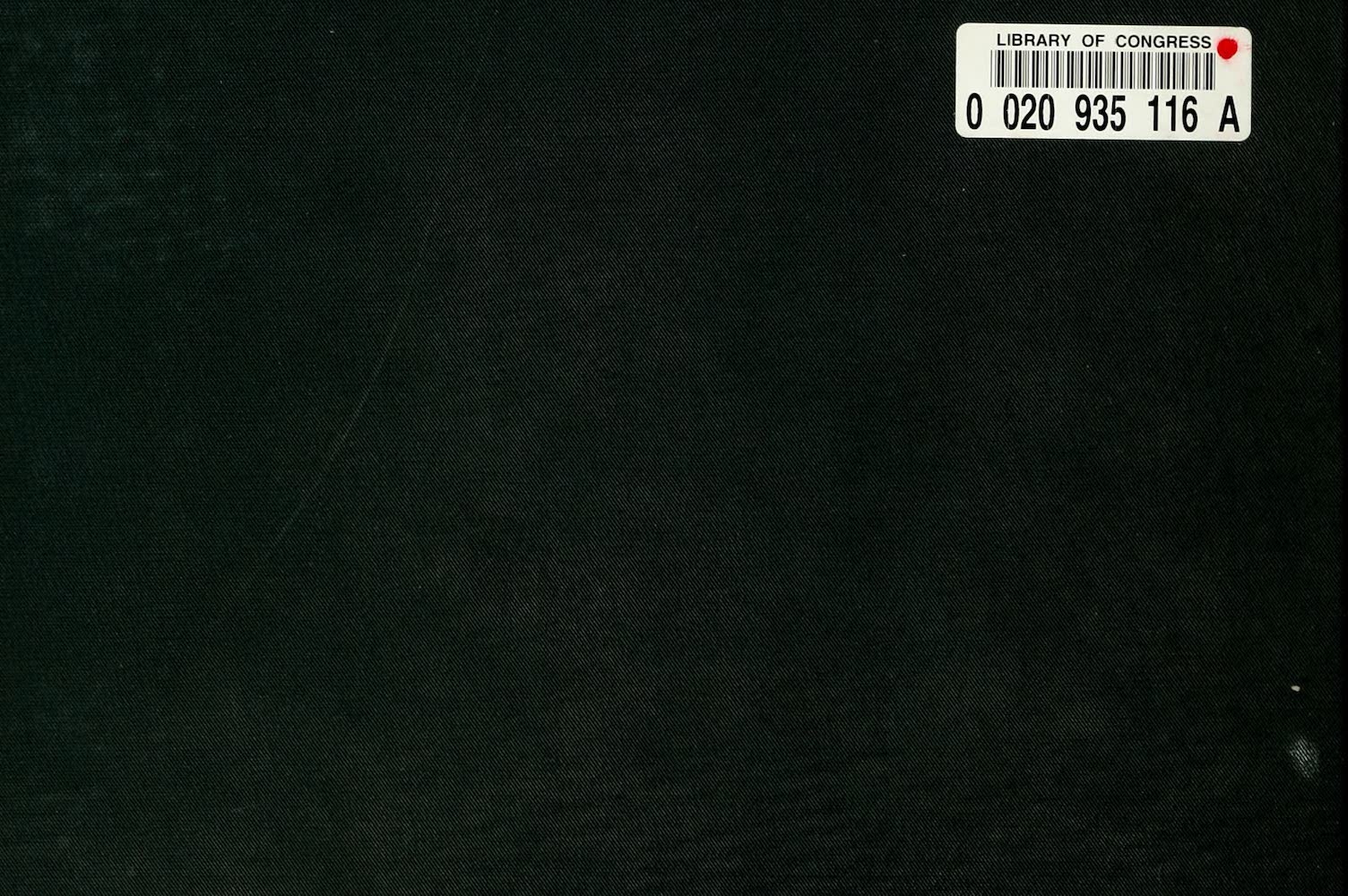 | Back Cover
|
 | Back Cover
|
 | Back Cover
|
 | Back Cover
|
 | Back Cover
|
 | Back Cover
|
 | Back Cover
|
 | Back Cover
|
 | Back Cover - Part 1
|
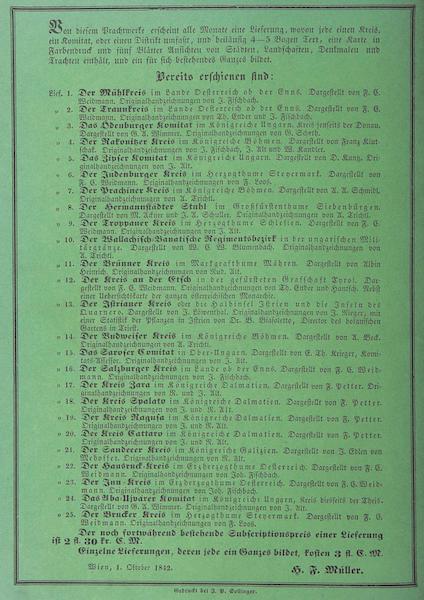 | Back Cover - Part 2
|
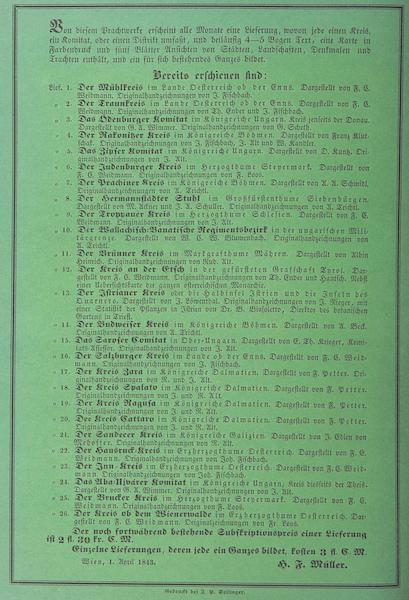 | Back Cover - Part 3
|
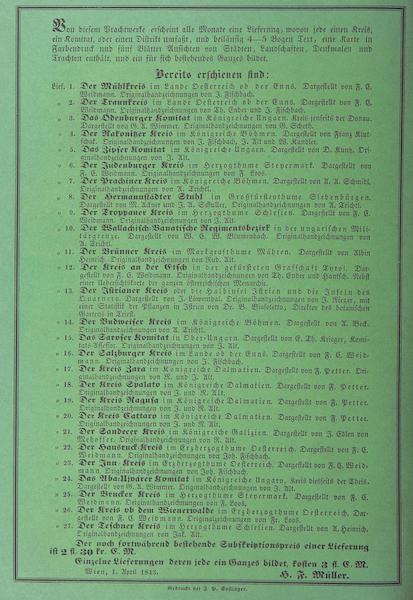 | Back Cover - Part 4
|
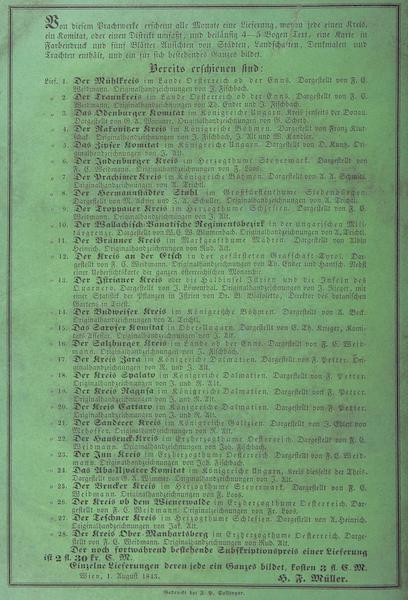 | Back Cover - Part 5
|
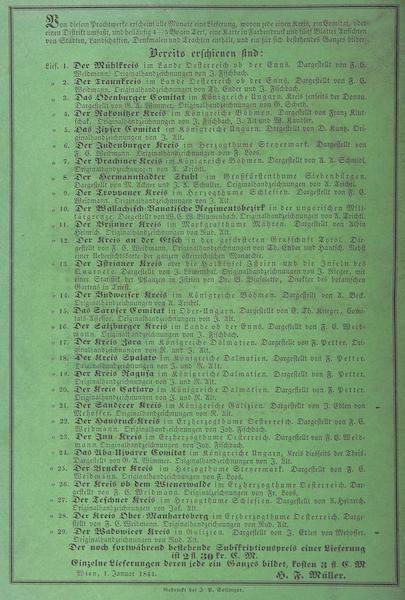 | Back Cover - Part 6
|
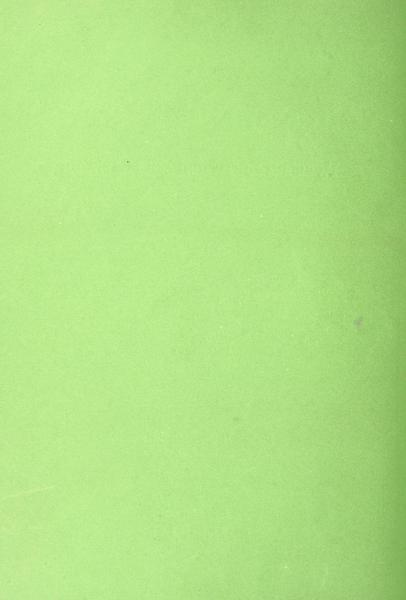 | Back Cover - Part 7
|
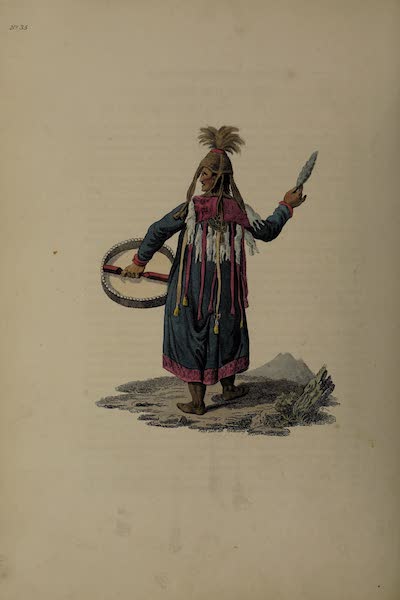 | Back Figure of a Female Schaman, or Sorceress of Krasnajarsk
|
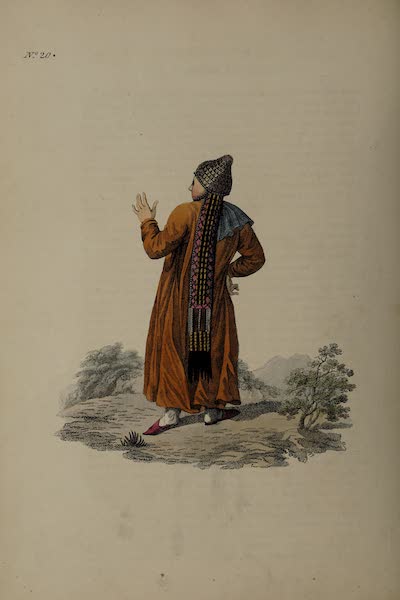 | Back Figure of a Female Tartar of Kazan
|
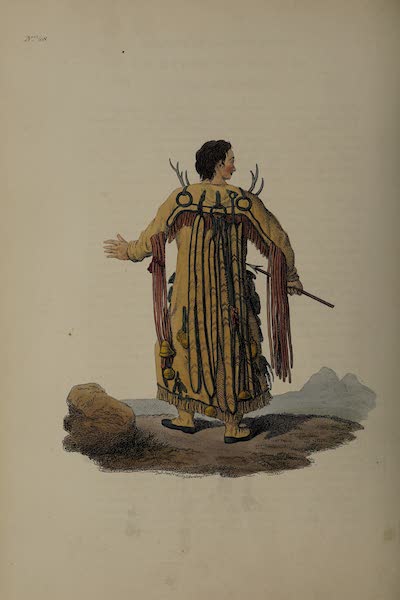 | Back Figure of a Tongusian Priest, in the Vicinity of the Argoun
|
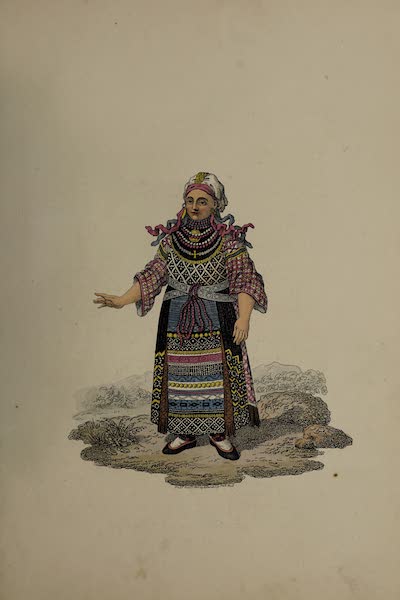 | Back Figure of a Woman of Finland in her Holiday Dress
|
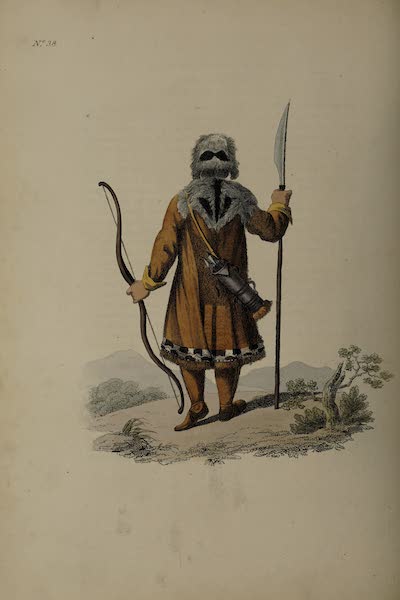 | Back Figure of a Yakut in his Hunting Dress
|
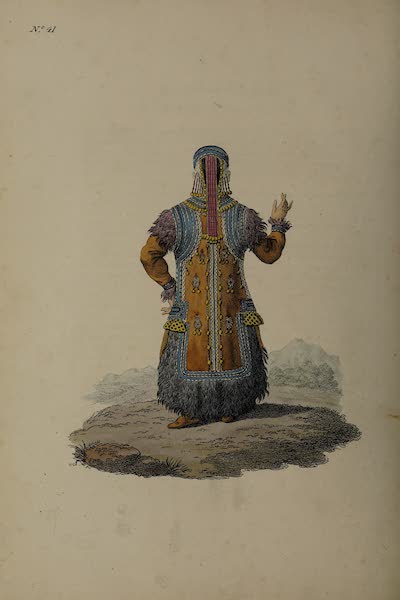 | Back Figure of a Yakutan Girl
|
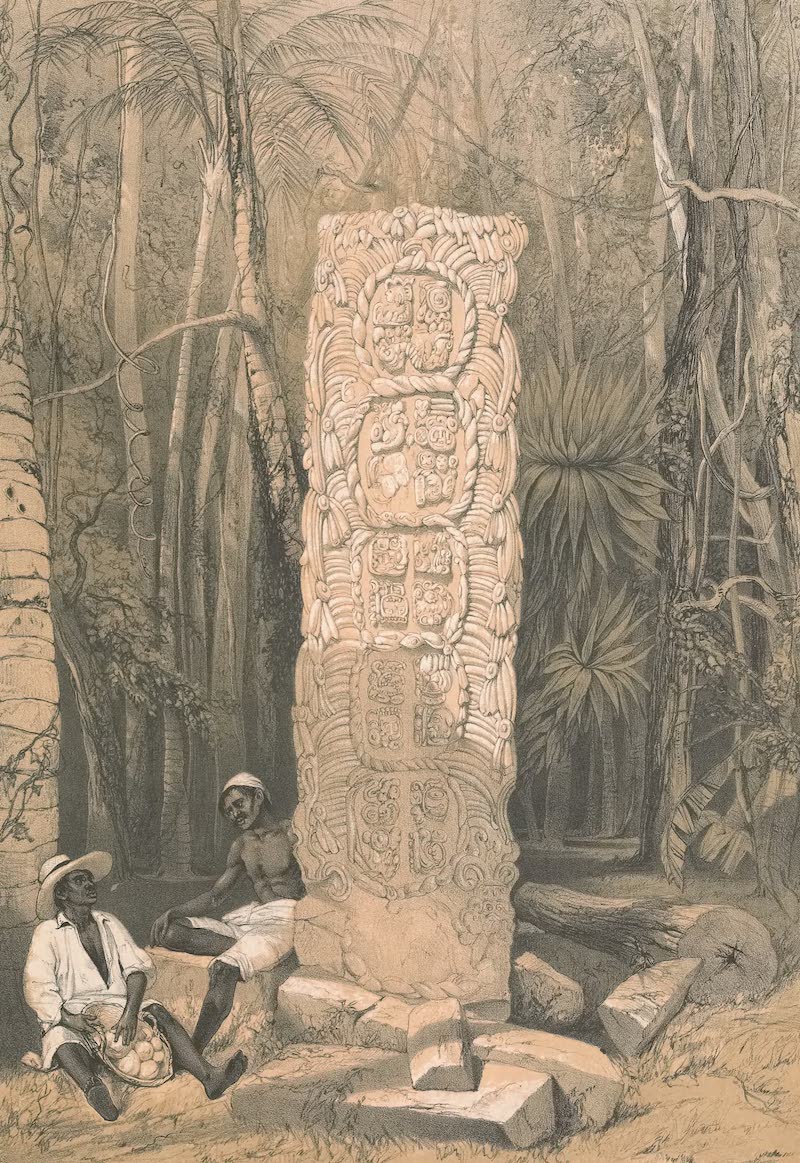 | Back of a Broken Idol at Copan
|
 | Back of a Tcheremhisian Woman
|
 | Back of the Gate of the Lions at Mycenae
|
 | Back View of Thajang | Thajang, aged 20, 3 husbands, Hango | Landlord's Wife, Sungnam | Girl, aged 14, Liyo
|
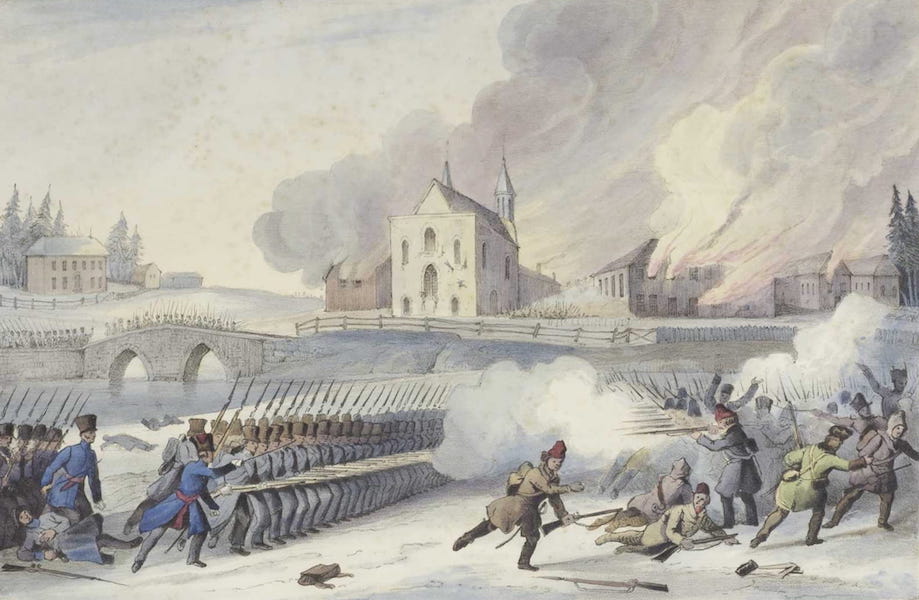 | Back View of the Church of Saint-Eustache and Dispersion of the Insurgents
|
 | Back Wrapper
|
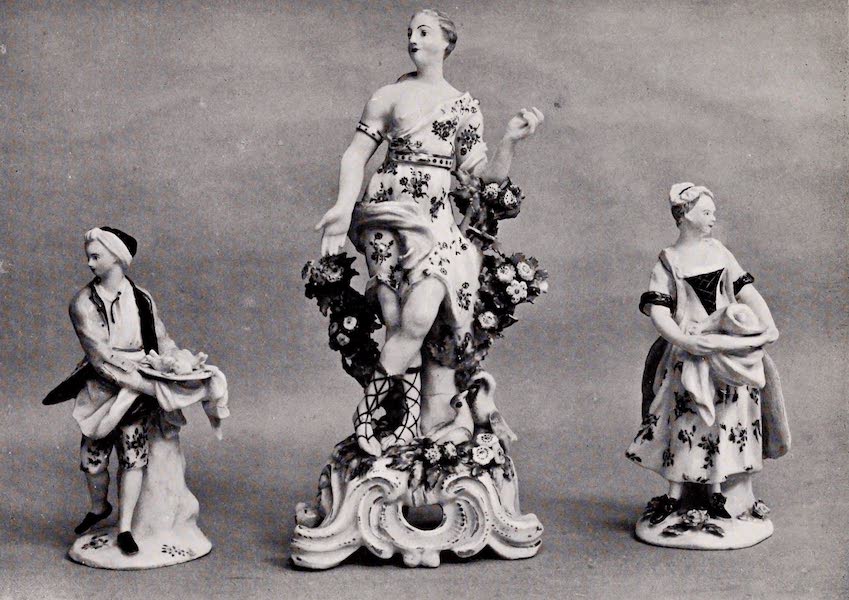 | Bacon’s “Cooks” and the “Golden Lady”
|
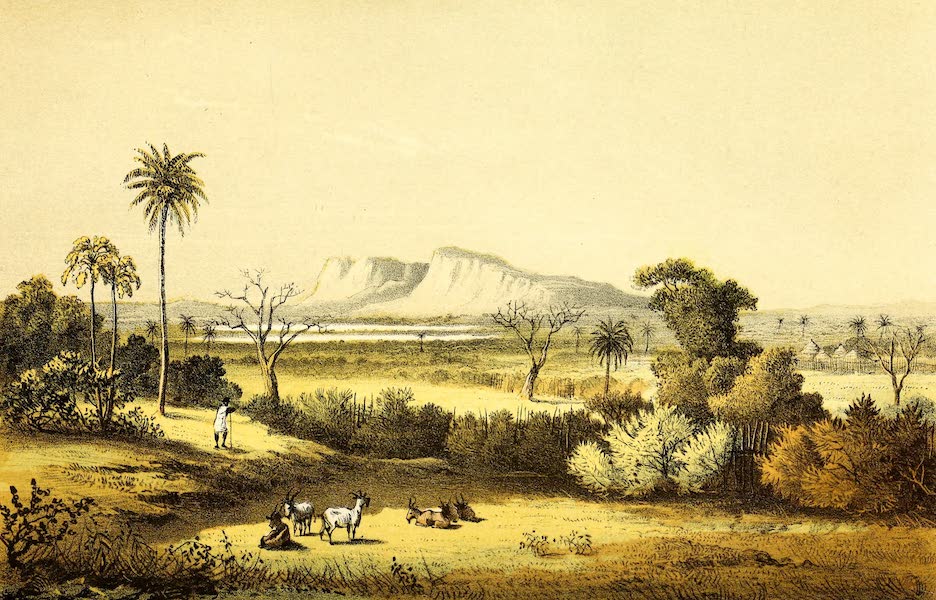 | Badamuni
|
 | Baden-Baden
|
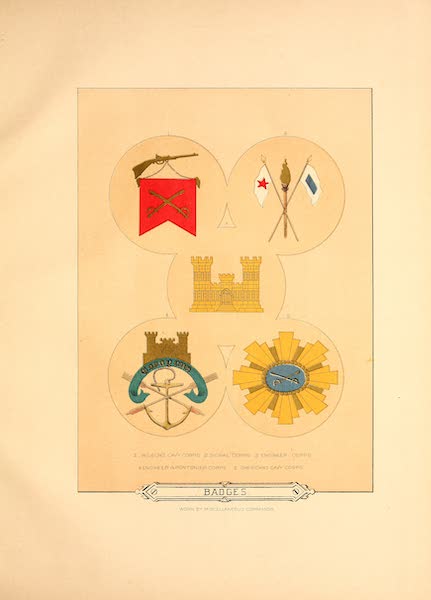 | Badges
|
 | Badia Vecchia, Taormina
|
 | Badminton House
|
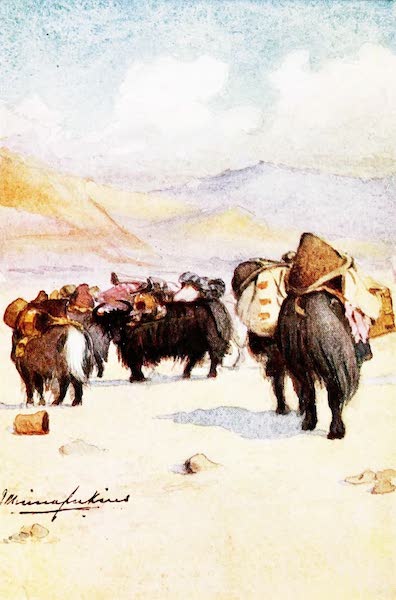 | Baggage Yaks
|
 | Baghdad
|
 | Baghdad Merchant (Travelling)
|
 | Bagpipes
|
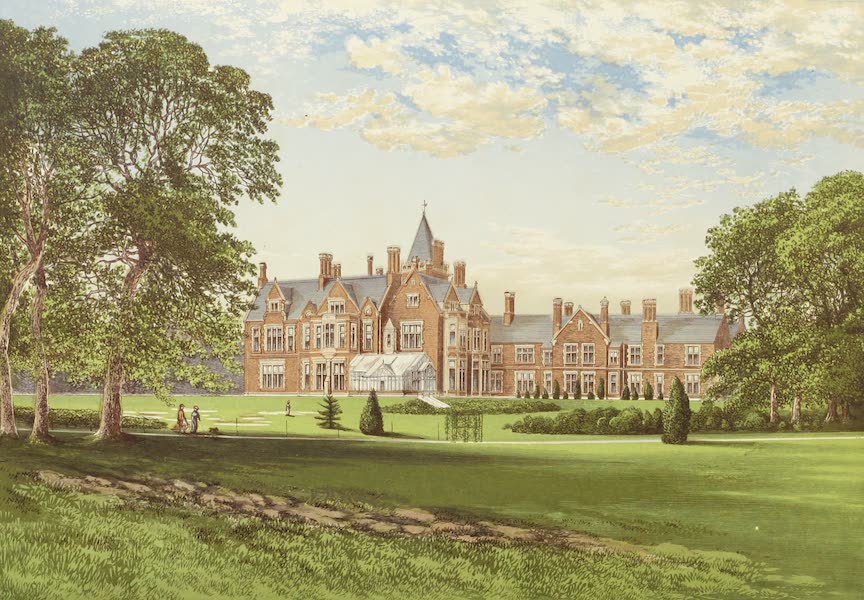 | Bagshot Park
|
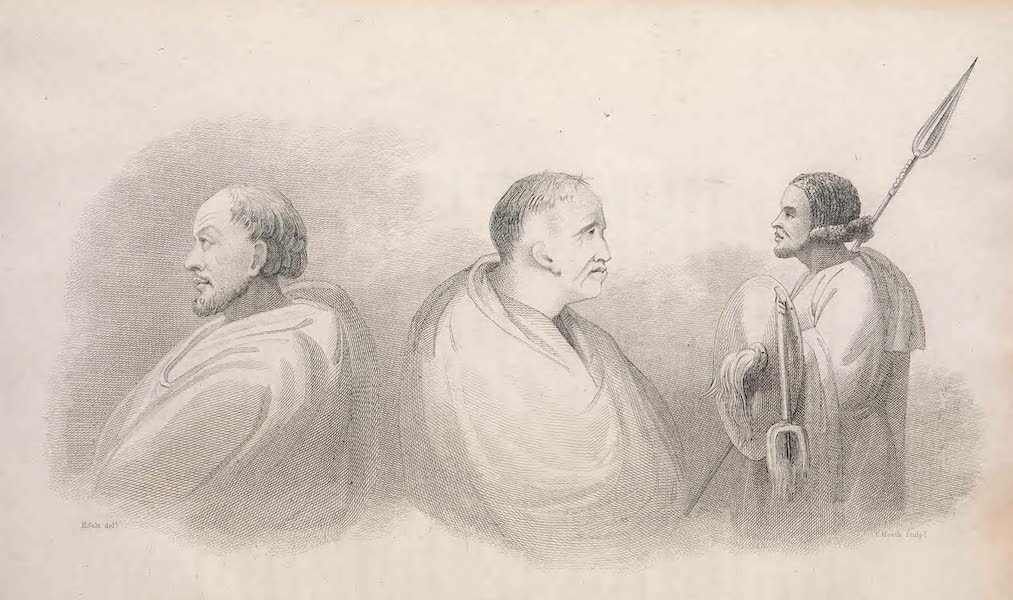 | Baharnegash Yasous, Baharn Subhart, A Lasta Soldier
|
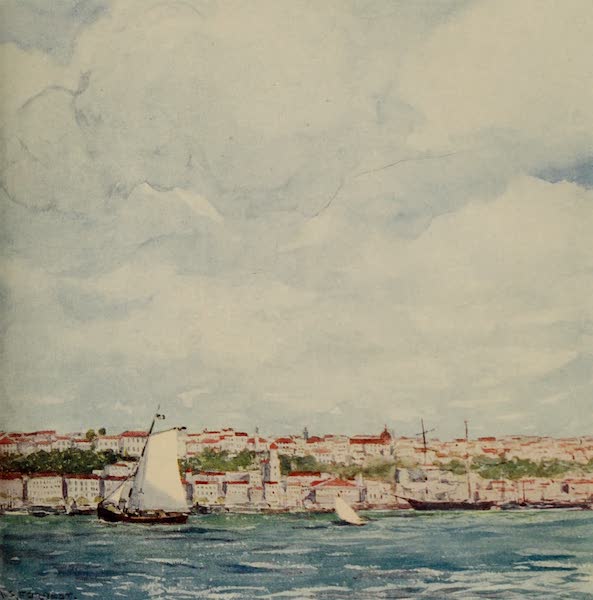 | Bahia
|
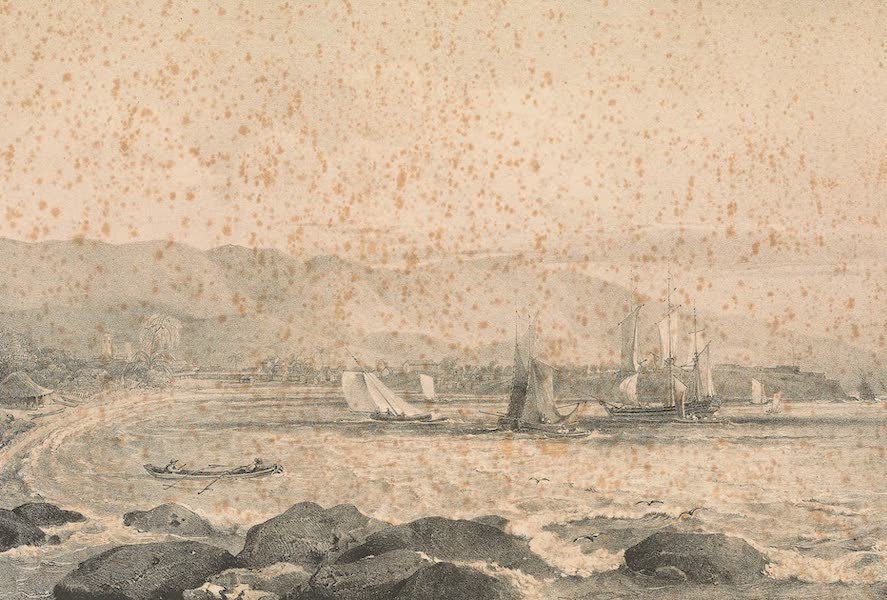 | Bahia de Acapulco
|
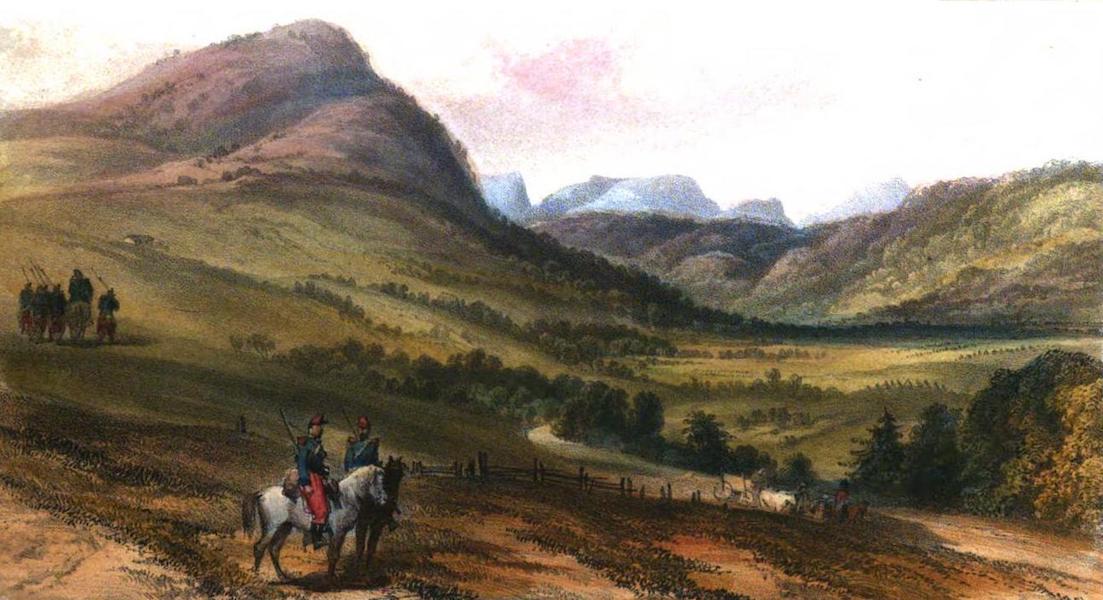 | Baidar Valley
|
 | Baie de Pelew
|
 | Baie des Amis dans le detroit de Noutka
|
 | Baie du sud dans le Spitzberg
|
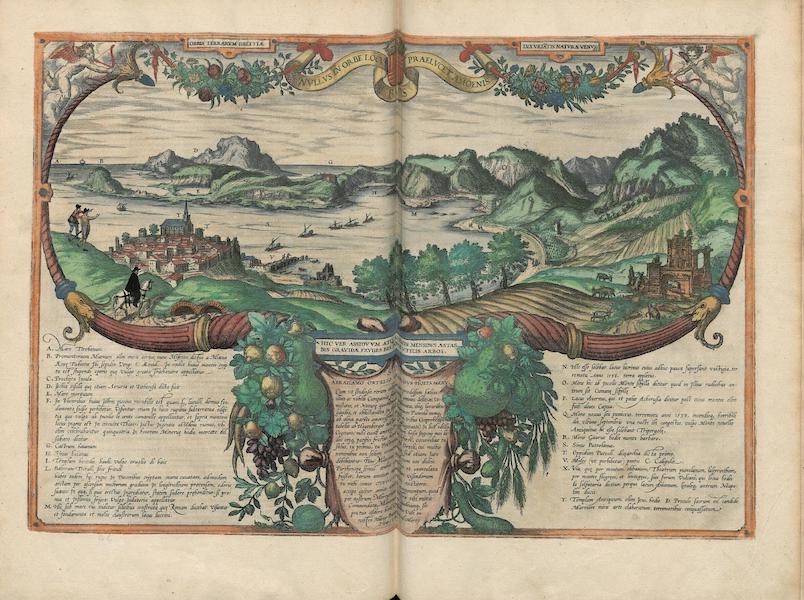 | Baiis 1580
|
 | Baikal, Oriental Siberia
|
 | Baines River, Northern Australia
|
 | Bains de Loueche and Leuck Bad
|
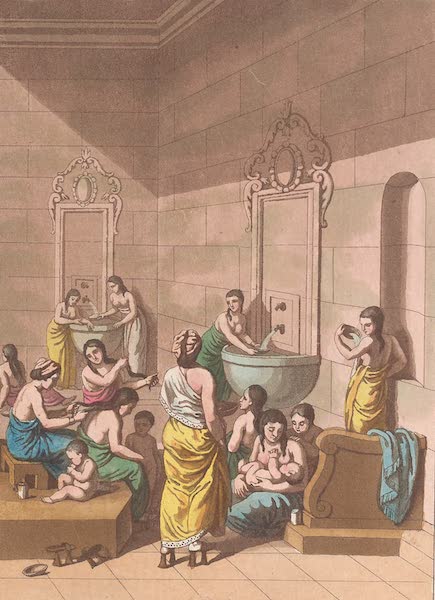 | Bains publics
|
 | Bajo Relieve de la Piedra de Sacrificio
|
 | Bajo Relieve de la Piramide de Xochicalco (I)
|
 | Bajo Relieve de la Piramide de Xochicalco (II)
|
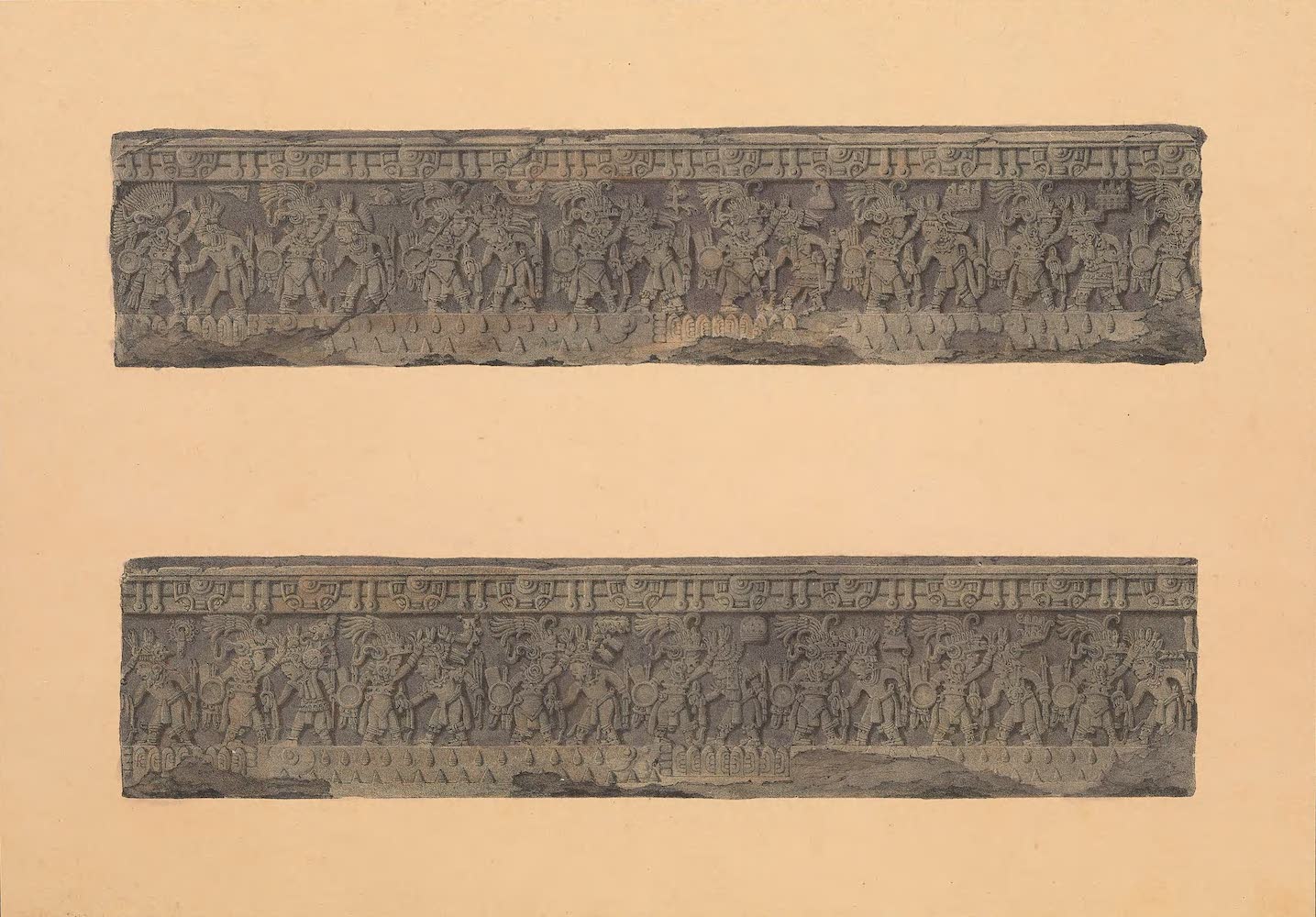 | Bajo-Relieve de la Piedra de Sacrificio
|
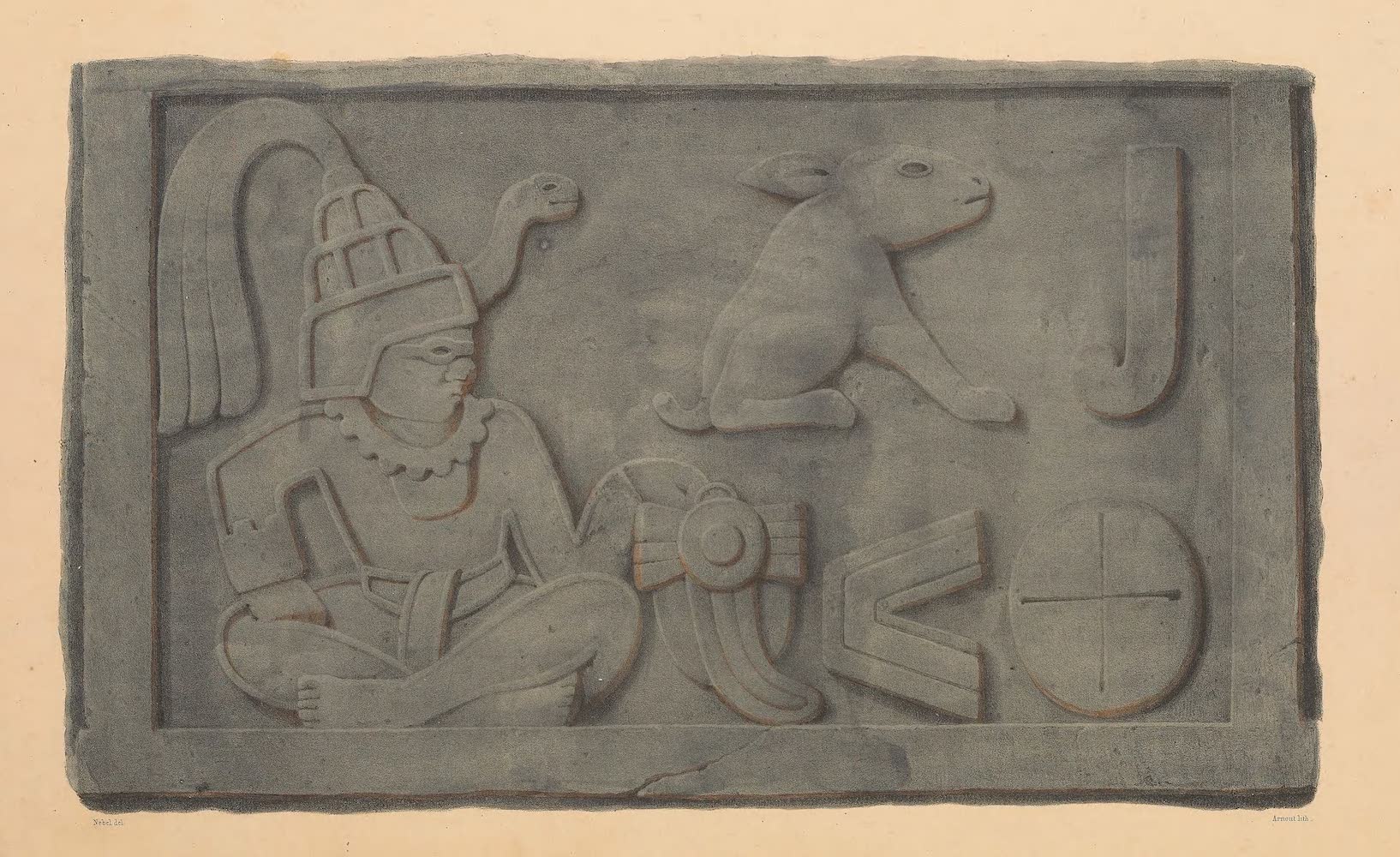 | Bajo-Relievo de la Piramide de Xochicalco
|
 | Bak
|
 | Bakchi-Sarai
The ancient Tartar capital of the Crimea, seen from the interior of the grand court-yard of the Khan's Palace. On the right, are the Khan's Tombs and the Great Mosque; on the left, the Khan's Palace; in front, the entrance gate; and in the background, part of the town, rising in an amphitheater upon the hill. Its population, Tartars for the most part, exceeds 12,000. |
 | Baker
|
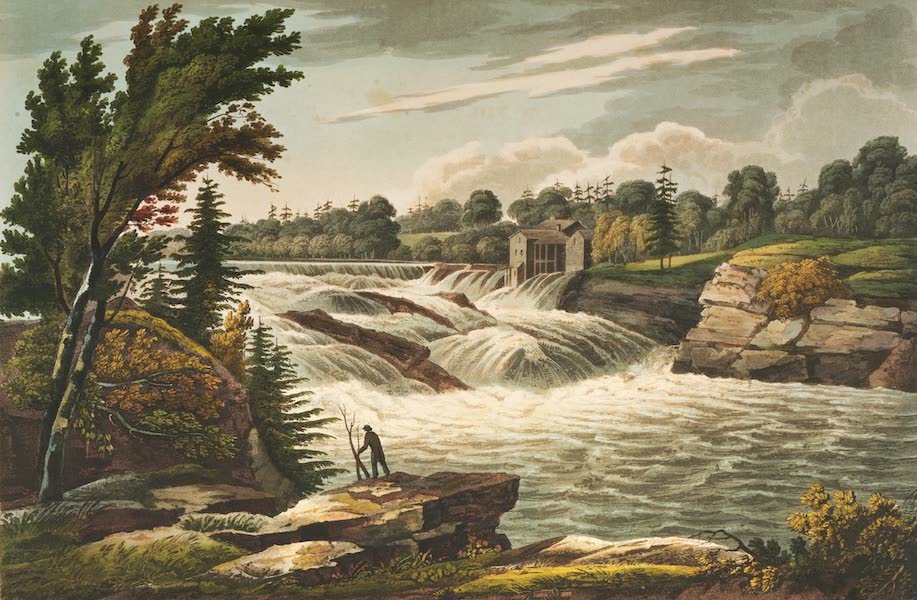 | Baker's Falls
|
 | Baku Fire Temple
|